
Myles Hardy is making more connections than ever at their second home
At UMKC, students write their own stories, form their own definitions of success and chart innovative career paths. Myles Hardy is a psychology major who is finding their home away from home by participating in organizations including First Gen Roos and Professional Career Escalators.
Myles HardyAnticipated graduation year: 2027UMKC degree program: PsychologyHometown: Springfield, MissouriHardy has always looked for connections outside the box. After picking UMKC and arriving on campus, they realized they made the right choice. Hardy said UMKC allowed them to express themselves like they haven’t before and find new communities with opportunities around the corner.
Why did you choose UMKC?
I knew that staying around my hometown wasn’t for me as there wasn’t much of a community there. People there aren’t as open-minded and tend to follow the same kind of career track. If their dad was a doctor, then that’s what they would do. I just wanted to go somewhere else and start new.
Why did you pick psychology as your field?
I knew I wanted to help people. I thought about being a doctor, but I didn’t think I would work well with medical materials. I am very interested in the way people think and how different events in life can affect the way we think, how we are different and the way we interact with each other.
What do you like the most about UMKC?
The people I’ve met genuinely want me to succeed. They want to prep us for our future, and don’t give up. It’s more than just my professors, the success coaches and program organizers at UMKC are always there for you. It’s very motivating.
How is UMKC preparing you for a career that you want?
UMKC as a whole, especially in the psychology department, has so many connections that you can find. Whether it’s through professors, program organizers or even campus career events, there are a lot of outlets for bigger career opportunities.
Do you plan on pursuing a graduate degree?
Yes, I do. I would love to do it at UMKC.
How does it feel being a first-gen student at UMKC?
Before I got here, I was extremely stressed. It was a lot of pressure. But through the First Gen Roo program, they did a great job of comforting me without making me feel like I had to fit in a certain way or live up to specific expectations. I also noticed that other universities don't really talk about first-generation students or really give them an opportunity to feel not only welcomed, but celebrated. That’s a big thing the First Gen Roo program does very well. In addition to First Gen Roo, I’m in the Honors Program, Professional Career Escalators and I’m involved in the Peer Academic Leadership (PAL) program as well, prepping to be a pal next year. I’m also involved with the Neurodivergent Student Union and UMKC Trans+.
What have you learned about yourself since being at UMKC?
My strengths. I would say I've definitely blossomed since coming to UMKC. I was a very introverted person when I was in Springfield and in high school. I didn't like what I was doing at all. I wasn’t having fun. But being here, I feel that I have a track. I'm doing things, I'm involved and I’m interacting with people I truly connect with. It has really helped me grow in many areas.
Would you recommend UMKC to prospective students?
Yes, I would. I would recommend it because I don’t think you can find this kind of joy and family feeling anywhere else at other universities. I think that's what makes UMKC so special.
What’s your favorite place to study on campus?
I really like the library when it’s cold. But now that it's warmer, I like the Quad more. I'm really glad they have the lounge chairs out there too. It’s super chill and perfect with the shade.
What is something you wished more people would know about UMKC?
I wish people knew more about the family feel of UMKC. I think that's hard to see from an outside perspective. If you're just looking in, you don’t get to feel it. But there is such a strong emphasis on community, and you will find your group of people at some point.
What is something you are looking forward to?
Becoming a leader. I always want to take on more opportunities, even though I already have a full schedule as is. But next year, I'm going to be in the PAL program and I'm really excited for it. I want to talk and help people. I think that is something that's really important, not only as a first-gen student, but as a UMKC student. Nobody is going to be exactly like you or be on the same exact track. Everyone is different and special in that aspect. There are many ways to be a leader but doing it your own way is something to be really proud of.
Jul 25, 2024

Kay Barnes will be honored, Sly James is honorary co-chair
The University of Missouri-Kansas City will honor former Kansas City Mayor and UMKC alumna Kay Barnes with the C. Stephen Metzler Pride Champion Award at the UMKC Pride Luncheon. Last year was the inaugural year for the award, presented to Donald J. Hall Jr., executive chairman of Hallmark Cards board of directors.
Barnes (M.A. '71, MPA '78) is Kansas City’s former mayor, serving from 1999 to 2007. She was one of two women in the Jackson County Legislature in 1974 and is the first – and so far, only – woman elected as mayor of Kansas City. Barnes is most known for spearheading the revitalization of downtown Kansas City through the construction of the T-Mobile (formerly Sprint) Center, the H&R Block headquarters and the Power and Light District. The award recognizes an individual (LGBTQIA+ or ally) who embodies the legacy of Metzler (MBA ’76), who made Kansas City a better place for the LGBTQIA+ community through volunteerism, philanthropy and leading by example. Barnes was a fierce ally of the community, regardless of the political and business risks, when she was a county legislator, city council member, mayor and U.S. Congressional candidate.
As a trailblazer, Barnes is also a UMKC Starr Women’s Hall of Fame inductee. Her out-of-the-box thinking, assertiveness and devotion to public service led her to being nominated in 2014 and inducted in 2015. Barnes is senior director of university engagement at Park University.
“Kay Barnes is an inspirational figure in Kansas City, and we are excited to honor her with the C. Stephen Metzler Pride Champion Award,” said UMKC Chancellor Mauli Agrawal. “Her determination to strive for equality, inclusivity and justice while elevating the city amazes all of us. We are glad she is deeply connected to UMKC and our community.”This year, another former Kansas City mayor also will be closely involved with the Pride Luncheon. Former Mayor Sly James, who served from 2011 to 2019, is an honorary co-chair along with his business partner and former chief of staff Joni Wickham of Wickham James Strategies & Solutions.The event co-chairs are Casey Simmons and S. Sloane Simmons who own A Store Named Stuff in Brookside, and Jonathan Gregory, UnitedHealth Group, and Eric Thomas, Zurich Insurance.
The 2024 Pride Luncheon is 11 a.m. to 1 p.m. Oct. 1 at the UMKC Swinney Center. This annual signature event, formerly a breakfast, became a luncheon this year. Visit umkc.edu/pride for ticket and sponsorship information.The Pride Luncheon raises funds to support LGBTQIA+ students, allies, programs and scholarships. It has raised more than $650,000 since 2015, showing the university’s continuous support and commitment to inclusivity on campus.
Jul 25, 2024

Investment aimed at safeguarding the U.S. research enterprise
The University of Missouri-Kansas City and University of Missouri will lead one of five regional centers for a new research security effort sponsored by the 2022 CHIPS and Science Act through the National Science Foundation.
The NSF announced a five-year, $67 million investment establishing the Safeguarding the Entire Community of the U.S. Research Ecosystem (SECURE) Center. Funding includes $5 million over five years for UMKC and MU to establish and run the SECURE Midwest regional center.
With support from nine institutions of higher education nationwide, including UMKC and MU, the SECURE Center aims to serve the research community to recognize and address threats to the U.S. research enterprise, such as interference and unethical or unlawful access by a foreign entity. Michele Kennett, MU associate vice chancellor for research compliance and integrity, and Anthony Caruso, UMKC interim vice chancellor for research, will lead the SECURE Midwest center.
“Research security is not common, unnecessarily complex, expensive to staff and yet essential – we are helping to make research security challenges understandable, manageable, affordable and effective,” Caruso said. “We are humbled and honored to connect to the Midwest universities.”
“We are excited to be part of an initiative that will engage university leadership, compliance officials, individual researchers and private organizations across the U.S. research community,” Kennett said. “This engagement will assure that the research community is integral in the process to arrive at security solutions that protect the national research enterprise.”
The national SECURE Center will share information and reports from the regional centers on topics such as research security risks. It will also provide training on research security to the science and engineering community, and serve as a bridge between the research community and government funding agencies to strengthen cooperation on addressing security concerns.
“The SECURE Center is how we bring the research community together to identify risks, share information and leverage national expertise on research security to develop solutions that protect essential research being done at institutions across the nation,” said NSF Director Sethuraman Panchanathan.
Jul 24, 2024

Powerhouse partnership has provided $590,000 to future oral healthcare practitioners
The University of Missouri-Kansas City School of Dentistry and GEHA Solutions this month received the 2024 Inspiring Programs in STEM Award from Insight Into Diversity magazine, the largest and oldest diversity and inclusion publication in higher education.
The award honors colleges and universities that encourage and assist students from a broad spectrum of diverse backgrounds to enter the fields of science, technology, engineering and mathematics (STEM).
According to Dean Steven Haas, D.M.D, J.D., MBA, the school is grateful for the acknowledgement of their efforts to broaden the pathway into oral health careers.
“There is an immense benefit as a patient to receiving care from dental providers who understand and resonate with their background,” Haas said. “This recognition is a testament to the dedication of the School of Dentistry community and our invaluable partners, such as GEHA Solutions, who exemplify impactful community engagement. We hope this inspires others to participate in similar initiatives.”
The oral health equity partnership between the Lee’s Summit, Missouri,-based GEHA Solutions and the UMKC School of Dentistry began in 2022 with the company’s investment of $150,000. Over the course of the three-year partnership, GEHA Solutions has provided $590,000 to the school to support disadvantaged students who have a commitment to oral health equity, especially among dentally underserved communities.
The funds established 15 annual fellowships that provide stipends for students participating in the UMKC pathway program, Students Training in Academia, Health and Research (STAHR) Scholars Program. Since 2022, the funds have provided financial support, enabling recipients to focus on test prep and enhancement of their qualifications as dental school applicants. The partnership also established 14 one-time scholarships to support and help attract incoming dental hygiene and dental students.
STAHR Scholars is an innovative summer program intended to develop competitive health professions applicants. Established in 2018, the program is a collaboration between the UMKC schools of medicine, dentistry and pharmacy designed to increase representation in healthcare fields from a broad spectrum of backgrounds.
Jenna Mills, vice president at GEHA Solutions, has seen first-hand how the guidance, support and mentorship the STAHR program provides these students, setting them up to reach their full potential.
“I’ve had the great pleasure to meet STAHR fellows as well as dental and dental hygiene students, learning of their backgrounds and the obstacles they have overcome to be ready to enter and succeed in dental school,” Mills said. “To say I am impressed is an understatement. Our oral health delivery system will benefit from having such a talented and diverse group of individuals in the coming years.”
This is the second time the UMKC School of Dentistry was recognized by Insight Into Diversity magazine, having received the Higher Education Excellence in Diversity award for health professions schools in 2016. The UMKC School of Medicine, a participating partner in the STAHR program, received the same award in 2022 and 2023. UMKC received the award in 2019.
According to Lenore Pearlstein, owner and publisher of Insight Into Diversity magazine, many STEM programs are not always recognized for their dedication to encouraging students from a broad spectrum of backgrounds to pursue these fields.
“We want to honor the schools and organizations that have created programs that inspire and encourage young people who may currently be in or are interested in a future career in STEM,” Pearlstein said. “We are proud to honor these programs as role models to other institutions of higher education and beyond.”
Jul 23, 2024

Continued recognition as a leader in medical education
U.S. News & World Report announced its 2024 Best Graduate Schools for Medicine and ranked the UMKC School of Medicine as a leader in two categories.
The school was ranked No. 20 in the nation in “Serving Medically Needy Areas” and No. 75 in “Most Diverse Medical Schools.”
Dean Alexander Norbash (B.A. ’85/M.D. ’86) has been a champion of rural healthcare and diversity since he was a student.
“UMKC School of Medicine has been committed to serving the underserved from the moment of its inception,” Norbash said. “We have remained true to our community and are grateful and proud of this recognition. We look to the future with anticipation and optimism as we seek to further better the health and wellbeing of our expanded community, with a special focus on medically needy areas, the dispossessed and the underprivileged, whether urban or rural.”
With campuses in Kansas City and St. Joseph, Missouri, the School of Medicine is uniquely situated to prepare the next generation of medical professionals to provide both urban and rural care to the areas that need it most. On the Kansas City campus, School of Medicine students and faculty participate in the Our Healthy Jackson County initiative, which brings free vaccinations and health screenings to communities that need it.
The initiative began during the pandemic to reduce the burden of COVID-19 in vulnerable areas, and has since expanded to provide mental health, dental and other health screenings alongside vaccinations.
The commitment to serving medically needy areas also is being realized with the construction of a new education center on the St. Joseph, Missouri, campus. The $14.5 million building is expected to open in 2025 and will aim to help address the physician shortage in Missouri and give students and faculty a space to focus on rural healthcare and communities in need. Research suggests that medical students who have training in rural areas during residency are more likely to pursue careers in rural medicine.
This is not the first time the school has been recognized for leadership in education people with a variety of backgrounds and experiences. In 2023, the school received the Health Professionals Higher Education Excellence in Diversity (HEED) award from INSIGHT Into Diversity magazine for the second year in a row. The School of Medicine also earned the award in 2018.
The school promotes a culture of inclusion and the ability to effectively deliver healthcare in diverse communities, and its Office of Diversity, Equity and Inclusion works to prepare students for the workplace. Students participate in an anti-racism and cultural bias program before going into clinical rotations, helping to ensure that they are providing excellent care from day one.
Other initiatives, including specialized care for students at academic risk, the Multicultural Advisory Committee of Students, LGBTQIA+ resources and the Summer Success Seminar Series all help students achieve their full potential and prepare them for a career of caring for all.
The full rankings and report can be found here.
Jul 23, 2024

Sumeet Dua will lead growing research enterprise at Kansas City’s top public university
Sumeet Dua, Ph.D., will become the new University of Missouri-Kansas City vice chancellor for research on Sept. 9. Since 2002, he served in a number of leadership roles at Louisiana Tech University, where he helped to advance research, grant awards and collaborative efforts.
UMKC has elevated its research enterprise, doubling expenditures from $25 million to $53 million in four years and increasing annual external awards from $36 million to $147 million. With the forward momentum, UMKC aims to be designated a Carnegie Research 1, or R1, university, meaning it has “very high” research activity. It’s currently R2 with “high” research activity.
“Dua will be pivotal in strengthening our research enterprise and expanding our impact,“ said UMKC Chancellor C. Mauli Agrawal, Ph.D. “His expertise in building partnerships and leading innovative research programs will help propel UMKC research endeavors to new heights, and we look forward to the further growth his leadership will bring to our university.”
Most recently, Dua served as executive vice president for research at Louisiana Tech, and under his leadership in the past year, Louisiana Tech’s research enterprise saw an 18% increase in annual research expenditures and a 39% increase in federally funded research expenditures.
Dua has also led the university’s research operations in the National Cyber Research Park and Louisiana Tech Research Institute, fostering engagement with federal agencies such as the U.S. Department of Defense. This aligns well with UMKC’s research portfolio, which includes a significant number of defense contracts. This year, UMKC became the first university to partner with U.S. Cyber Command.
“I’m excited to partner with UMKC to continue its strong momentum in research and reach its goal of achieving a Carnegie R1 status,” Dua said. “I am eager to work with UMKC’s faculty across diverse disciplines and forge strong partnerships and collaborations with government, business and community leaders to accomplish our goals.”
Dua also has made significant contributions to academia and industry throughout his career. He has written five books, secured two patents and published more than 70 peer-reviewed articles. His research specialties include data analysis, computational decision support and biomedical imaging.
Dua received a Ph.D. in computer science and an M.S. in systems science from Louisiana State University and A&M College. He earned a bachelor’s degree in electronics and communication from Thapar Institute of Engineering and Technology in Patiala, India.
Jul 19, 2024
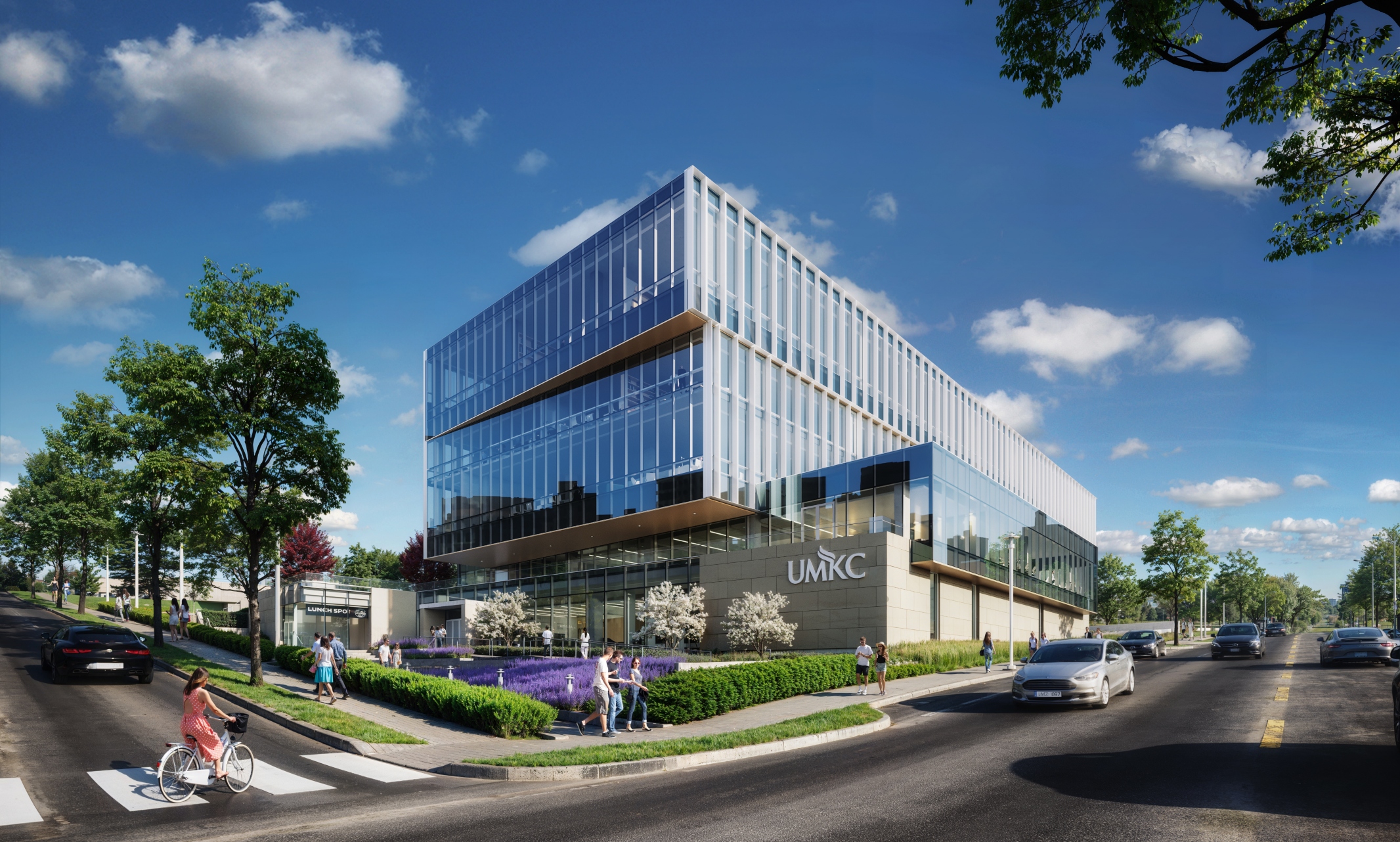
Construction includes largest capital improvement project to date
The University of Missouri-Kansas City has announced and begun construction on major improvements to its physical facilities to meet key strategic goals.
Projects currently under construction include:
The 200,000 square foot Healthcare Delivery and Innovation Building project at 25th and Charlotte streets, the largest capital improvement project in UMKC history.
The $14.5 million medical building for its School of Medicine campus in St. Joseph, Missouri, that will provide 22,000 square feet of medical education space.
A new campus dining concept called the Foodiverse that will bring a food-parlor environment to the first floor of the Student Union on the Volker Campus.
An expansion of Student Success services, with new facilities on the fourth floor of the Miller Nichols Library.
51st Street Pedestrian Plaza, which will enclose 51st Street from Cherry to Rockhill to provide a walkable, landscaped area for campus and community use.
Look here for regular construction and project updates or sign up for a regular email update to be delivered to your inbox.
Healthcare Delivery and Innovation Building (7/25)
On Aug. 1, the campus surface parking lot at 25th and Charlotte streets will close. Student permit parking will no longer be allowed in lot 68. Health Sciences Campus map and Shuttle route (PDF)
Faculty, staff and students can park in the seven-floor Hospital Hill Parking Garage on the southeast corner of 24th and Charlotte streets, just north of the construction site/former lot, or in a surface lot to the east at 25th and Campbell streets. Student parking in the garage is available on floors four through seven.
Parking for UMKC School of Dentistry clinic patients as well as metered spots for other UMKC Health Sciences District visitors will be moved to surface lot 68, located south of 25th along Charlotte Street.
Beginning Aug. 5, UMKC IDs will be required to scan in and out of the parking garage.
There will be a QR code coming that takes scanners to a website to follow construction updates and see progress photos for those who want to follow along with construction updates. The code will be placed at various locations around the site on the fencing for patrons to scan as they walk past.
3 p.m. Sept. 11, UMKC will host a community celebration of the construction launch.
St. Joseph School of Medicine Campus (7/25)
Construction officially began in April.
Trees have been cleared and dirt has been moved to pave the way for foundational work.
The elevator shaft and some piping work has also been completed.
This project is on schedule to open in June 2025.
Foodiverse (7/25)
Construction at Student Union started in June with clearing space.
The dining hall at Atterbury will remain open in the Fall 2024 semester, as well as the Starbucks in Student Union.
When the Foodiverse opens, Atterbury dining services will be closed for renovations to create a new expanded student welcome center at Atterbury.
Miller Nichols Library Renovation (7/25)
The fourth floor of Miller Nichols Library, formerly the silent floor, is currently closed.
The second floor of the library is now the silent study floor; this change is permanent.
For the Fall 2024 and Spring 2025 semesters, UMKC Tutoring will be available in person in Atterbury Student Success Center, Room 236.
In Fall 2025, the renovated floor will offer open study spaces for all students, study and meeting rooms and laptop stations. Student-success programs such as Supplemental Instruction, UMKC Tutoring, UMKC PALs (Peer Academic Leadership program) and First Gen Roo will gain areas to meet with the students in their programs and updated classroom space.
51st Street Pedestrian Plaza (7/25)
Traffic patterns on the half blocks surrounding 51st Street are currently being redesigned, and the university is waiting for additional city approval.
Jul 17, 2024

A true surround sound system, dozens of speakers line the walls for a unique listening experience
When you walk into the Sound Mandala in the black box theatre, you’re greeted by speakers on all sides. The lights will dim, and you’ll hear music and audio like never before.
“When you listen to a recorded track, the sounds have been mixed already and you’re hearing it all come out of one console,” said Tom Mardikes, professor of sound design at the UMKC Conservatory. “I wanted to know how a song would sound if it was mixed in the air, as you listen to it.”
Mardikes is the creator of the Sound Mandala. Inspired by intricately crafted sand mandalas, Mardikes wanted to apply that precision and artistry to sound. He created a system to place individual sounds of a track on different speakers and move those sounds throughout the duration of the track. Much like movies are moving images, the Sound Mandala is moving audio.
Mardikes has been working on the Sound Mandala since 2014. Graduate students in sound design at UMKC have been involved in the process, including his core Sound Mandala team of current and former students. Mardikes holds a patent for the system and foresees its use in theatres, auditoriums and even haunted houses in the future.
Photo by Luke Harbur
The Sound Mandala has progressed to more than 80 speakers in the black box theatre in Olson Performing Arts Center. Mardikes’s team outfitted the theatre to ensure the best audio experience possible to showcase their creation. The intimate venue holds 40 people, ensuring that every seat is the best seat in the house.
“You can hear sounds moving around the room,” Mardikes said. “You might hear a guitar coming from in front of you, a voice behind you and a piano next to you. You’re truly immersed in the sound, it’s an entirely unique experience that’s never been possible before.”
Experience a taste of the Sound Mandala. Headphones are required for listening.
The Sound Mandala debuts to the public at the 2024 Kansas City Fringe Festival. Sound Mandala shows are July 19-27 at the Black Box Theatre at Olson Performing Arts Center on the UMKC campus.
Jul 15, 2024

Nearly 2,000 students recognized
The University of Missouri-Kansas City celebrates the time and energy it takes for excellence: Commitment, integrity and tenacity are required each semester. During the Spring 2024 semester, 1,899 of our undergraduate and professional students made the UMKC Dean’s List.
This is an impressive academic honor. Students must complete a minimum full-time program of 12 graded hours and meet their individual unit’s GPA threshold to qualify for the Dean’s List. These students showed what it meant to take pride in their academic success. If you know someone who made the Spring 2024 list, be sure to congratulate them for their achievement!Below are the Dean’s Lists for the Spring 2024 semester.
Conservatory
Donovan AndesCiel BackusBrett BoyerIsabella BrownGage BrownAurora ConroyEmi CreamerOlivia De Oliveira KalamboukasRobin DeimerlyKimberly DeWittElsa DickersonTaylor DingmanFrancesca FarinaBraden FordCameron GurssHannah GuzmanSara HanfordDalton HartsfieldKailey HrencecinHadley JarvisEthan KauffmanMaria KennedyGalen KroegerRaef LandesKennedy LaughlinSantino LicameliElizabeth LollarTess MartensMackenzi MasonAbby MauldinSarah McguyerZoe MeinsKendal MeyerJason MeyerLily MonroeReuben MorrisonNicole NormanChin NukulvutthiopasAbigail OhmsDavid OosseNeil PedersenDillon PottsArianna RichardsonRozlynn RichertMicah Ruiz EsparzaEmily SchutzelWhitney SchweigerCrew ShaferMolly SloanJaxon St.ClairElla StottsBrandon ThibodeauSol VeenstraKloe WagnerElizabeth WatzkeThomas WelnickZach WestMaddie WilliamsBrady WolffIsabel Yearian
Henry W. Bloch School of Management
Zuhur AbdiJassan AdamsNick Aleman JrYassin AliCole AllenRylan AllsupNicholas AlvaradoMariam AlvaradoCamden BakerRobin BaltersKaia BarkmanBret BeardJack BeardDarren BemissLessly BerriosLauren BlakelyAmy BlevinsNathan BonnerEzra BottsMckenna BowersJulianne BromagenAudrey BrownNicole BruewerHenry BunteJack ButtsStefano CamerlengoAutumn CampbellJaqueline Cardenas TostadoChandler CarterBri CastleberryYan ChenXuyuzhi ChengOlga CherniavskaChris ChiDrake ClevengerSatori ClosserWen CloughBraeden ConnellyCaroline CooperPatrick CottonZaylee CoxAllie CrawfordMackenzie CroleyAbby CrooksTravon CrossPayton Crump-McHughCao DatDaniel DavalosNicole DavisAdriana Diaz LeguilluKannon DillaboughAaron DilworthNoah DoanHaley DowlerBryce EasleyGreta EbersoleAbbi EllermanAlyssa ElslooKendall ErnzenLuke FacinelliMesa FalleurMiguel Fernandez NovasSebastian FloresSydnee FlowersCaroline FoellerLuke FosterTyler FranzoiaJesse FrazierGrace FrederickVal FryPaulina GarciaFrancis GatdulaTaylor GatesAki GebreSumeya GeelleFathi GeelleCelina GentaMitch GoodmonBryson GoschJohn GosseBlane GrayJordan GreenBryce GreenwaltAlicia GroenhagenVictoria GuerraDaniel GutgesellAustin HaggardSaid HajiNicolas HartungJensen Hassani-SadiYasmen HassenLily HayGriffin HerSophie HernandezRene HernandezDeya HernandezDeanna HoenshellLexi HoffmanAmari HollandKatie HollarAsher HolleyJoshua HoodBryce HortLibby HortonXiaoyan HuMissy HuntebrinkerJessica HuynhDong HuynhEmily ImesOlga IvanovaBrandon JamesSadie JantzPhilania JohnsonParker JohnsonLiam JoyceRirika KamimuraSarah KannenbergTeayom KarimpourianNavi KaurGrace KertzCharlie KingHayden KnellAshley KochAvery KrahenbillEmma KratzAnna KruegerBrooklyn LammersChas LarsenJordan LaubLily LefferdKatie LemonLuke LeonettiWei LiSophia LimongiYijun LiuHope LockeAdriana Lopez-JuradoSebastian LucasXingjian MaArsh MaheyMahailet MamoJuan MarronMia Matthews-BeavenJackson McBrideMorgan McginnisJude McGrawLeah McIntyreMyles MeadJason MearsGabby MeyerHunter MiesnerKai MillerHayden MitchellAbdirahin MohamedThuweyba MohamedKhadija MohamedRiley MooreDaniella MoralesClaudia Muñoz-CaraveoShayla MurphyDavid MyersPerla Navarro-OrtizAlex NguyenKim NguyenNathan NguyenVivian NguyenAnh NguyenJustin NguyenQuan NguyenZach NicholsAndrew O'DellCameron OesterleFernando OlivaresJavier Olivares BurgosJoshua OliverAlice OropezaRory PaolicchiKrina PatelElyse PayneLeila PedrerosSavannah PeisertMarlon Perez-MoralesKatie PoisnerTori PolandEthan PotterDunia QakeiCassandra QueralHannah QuintAndrew RamirezChase RedingtonRiley RhoadsMicaela RichardsGabby RiegelJessica RomeroLesly RomoJazmin RomoAnnabella SaittaAndy SanchezLawrence SangKevin SarmientoMirian SarresMaggie SchoemehlAvari SchwenkIan ScottRiLeigh ScottLiddy ScuratoMizki ShireGabrielle SimmsAlyssa SmeraNick SmithAshley Solis-JimenezBrenda SosebeePhilip St. JohnEmily SteinbeckMiriya StilesJeffrey SuKristen SwartsRaivion TaylorWhitney TaylorGavin TewErin ThessenSivkan ThindKyler TickleAnastassiya TimofeyevaAsh TorresDominic TorresDariana TorresJosh TranMicah TribittSilvia TruongMae TuschmanAlex UnsethJesper van HalderenNayeli VargasJayden VazzanoSteven VuGa Ji WangPaige WerremeyerTristin WhittonEmma WoodJulia WyattTianzhao XuIvy YangMaey YangKendra YoungbloodGrace YuJayden YurthWenwen ZhangLauren Zoller
School of Dentistry
Ahmad AlhoutiAli AliMichael AllisonFares AlsafarAdison BaseyCamden ChastainMegan DartDrake DuganGiovanni FerraroJason FirthShelbi FlahautCasey GeddesMichael GimottyJackson GlynnAshlyn HarbaughHaley HeatonSeth HofheinsOlivia HombsKatie JenningsChristopher JohnsonCole JohnsonTia KahwajiElizabeth KiefnerAnastasia KruegerPeyton KusgenAnthony LeisureJamaica LovanGabby MertzEthan NettlerAnh NguyenKylie NicholsMichelle PalmerK-Leigh PappasAlexis ParkeRiley PerelesRiley PurdunLisa RaymondQuinten ReasonerMatthew RodriguesKatie Roe-BlytheAdam SattlerAmy SchmiemeierHadley SchreinerMackenzie SimpsonLauren SlavensHaylie StansellDiana StepanovaJustin SurberJaiden TaggartNoah TallySaxon TeubnerJuliana TomitaMatthew WahleClaire WaughHaley WorfordEdward Wun
School of Education, Social Work and Psychological Sciences
Byan AbuounMary AguirreShams AlarthyFatima AlborElla AlexanderRayan Al-HamdiGenesis Amaro VenturaAlea AshfordConnor AthearnKayauna BarnesAdelin BaynumCharlie BellAlyssa BlevinsElaina BlodgettVanessa BoltenKylee BrazealJaylie BuiJenna BulgerErica BurnettAlex BurneyLucy Cardenas VargasMargaret CarsonEileen ChangAngie ChavezMariah ChavezAva ChinnockLindana Clavijo FajardoEmily CollierJessa ConnatserKelsee CorbinDarci DaughertyYike DengPaige DinkelLaura DoranMaleah DowntonAnthony DuKimberly EscobedoIsabel FabianOlivia FesslerCamille FryAndrea Gamboa RizoEmma GarciaAnnelise GarrisonGio GiangrossoGrace Gomez-PalacioNaomi GontermanAbby GuzmanMyles HardyAudrey HarperLydia HarterCatherine HawkinsHanan HayyehMayerli HerreraCelina HoLily HollisRaeli HowertonSamm HudginsAndria JersettMattea JonesMya JonesKayda KamolzCaroline KeithleyLyba KhawarSummer KhounvongsaMikaylah KingTeagan LeeAbby LogsdonJackelyn LopezAlyssa LopezTiffany LowellErin MagelGracie MalicoatLogan MartinMattie MartinIsaac McBurneyHeather McCoyBrianne McGovernKate McKownNyah MisenerBrenna MorganConfi MuhozaReyam MukhtarMegan NealeCarmen NedblakeAlex NelsonJacob PaineNatalie PeaceAinsley PickeringRonnie QuickKyra ReesRakiah RichardsonJacqueline RiveraAlanie RiveraChase RobertsonKiko RodriguezGuadalupe Rodriguez-GonzalezIsabella SalinasKarnveer SandhawaliaPaige SanfordCandy SarresSamara SayidCayloma SehnertAmina ShahDanei SmithTaylor SmithAdriana SpanglerKarissa StarkBlair TaylorAnnie TranGrant UrbanMeaghan VandeheyHolly VervaeckeKaylene VickersLydia WeaverDallas WelchNoah WerremeyerSean WesselIsaia WilcoxenRenika WilliamsKy WilliamsLyric Williams-McGuireGrace WilsonHenry WittBahsan Yussuf
School of Humanities and Social Sciences
Youssef AbouelelaMaanvi AggarwalLaila AlhajeriElizabeth AllenSarah AllisonMayar Al-ShaikhliDanielle AltschulEsli Alvarado-IslasAnalisa AlveyMaici AmorAva AndersenTaylor AndersonShayaan AnisAshley AppleberryDaniela Arzabala LopezMeha AsirLaila AtkinsAnam AzimKaylee BaggerlyIsabella BakerAmelia BaldwinAshlyn BandelierKelby BannermanLili Becerra-PujolsKaya BeitzLogan BeltEvelyn BergerRiya BhatMolly BindelEmily BlackGeorgia BlakemoreMaisy BlantonJenna BodnarMatt BollinAlex BoydTommy BrittendallBridger BrockmanSydney BrownZach BungeBrinlea CalaisLauren CarberySy CartwrightYessica Casares-MaldonadoEthan ChaJuan ChavezQasim ChohdryOlivia ChristensenIteara ChristianEmily ClarkJocelyn ClarkGrace CoganMorgan ColeAurelia ColletteMichael CollingsDestanie CollinsAbby ConnorOlivia CottonLuke CozadDaze Creamer-EllecampPidge CrozierLilah Crum BarnhillAdelina CurielSaja DaifallahAidan DavisLilith DavisAshley DavisTruman DickeyAmy DoAvery DolanJayden DorrellJenna EikelFreyja EmeryRachel EricksonAlexandrea ErismanViolet EsquivelLilly EstradaTochi EzeanolueAreej FalahNoah FanslerDaisy FergusonMachaela FordMia ForneyMcKaylie ForrestNicole ForysMorgen FosterRowan FrazierBrynn FuquaJasmine GamelOlivia GebhardtKeshav GhanekarTayler GilbertCatherine GillumEllie GiraDevan GirishRebekah GrantSydney GravattMaddie GrimesOscar GrisNatalya GruzdCarmen GudinoEmani GuerinShekhar GugnaniAlizah HaaseTory HamonShicagolyn Hams ScrogginsYasmeen HanonHaylee HarrellYusuf HasanMichael HaynesGrace HeathRayney HeldLogan HendersonMarc HermanEve HerrBen HillearyLauren HirningSamuel HitchcockAnnie HoustonPeyton HowardEvan HuangAmy HurleyAbby HusakSarah IllimoottilZarifa ImanliMira IyerFahad JamalAdriana JanischFaduma JarikAJ JenkinsEmily JohnsonCerylean JonesDaniel JonesAidan JoyceHugo Juarez-AvalosKat KalfayanKatelyn KaysCaiden KeenErynn KellGrant KendallChavi KhannaAmanuel KifleMackenzie KlausSydney KramerLauren KreiselSara KronawitterSindhuja KudapaNeha KumarAnnalise LawlorJulien Le BourdoulousMarissa LeggioSam LendoBenjamin LewisHannah LeyvaNoah LibowitzDayton LittleBenjamin LiuEvie LozanoJada LymanKushi MadduruLauren MageeDaisey MaldonadoSundus MalikTorie MallingerMayzie MangosLilah ManningScott ManuelGabby Marin CastanedaMicaela MartinCameron McCaslinKiara McCreaDeborah McCurninSarah MedinaItzel MendezGovind MenonClaire MersmannEmma MeyersCeleste MichaelGrace MillerAnthony MishrikyAndrew MishrikyDaniel MoftakharYasmina MokhtarCatherine MonaghanKenney Monzon BrunoYeanna MoonJay MoorePhoebe MurphySamuel NagyMichael NavatoJillian NeeleyKamryn NelsonCarla NemerEthan NguyenErick NicolasAbby NugentKanyon OlberdingAsh OnstottAarti PalaniappanRiya ParikhSarah ParkReece ParkerRonit PatelMeirah PaulJordan PaxtonCaitlin PickertAbbey PierceMegan PilegeUma PillaiPrecious PlaisimeLeya PogueAmani PoindexterJailyn PolkElizabeth PorrittVanessa PyleArthur QualmanOmar RadoncicArushi RaiTheo RaitzerJillian RayPrisha ReddyAdam ReedRyen ReedyIsabella ReyesNovalee RiveraCorrie RobertsMarco RodriguezRogelio RodriguezTania Rodriguez-GonzalezJoslyn RossOlivia RubioThessa RyanJoy RyanJouhel SalinasVanessa SandersAbby SanduskyNeal SawyersWilliam SchniedersIsabelle SchroederTina SchwartzeFaith ScribnerJoel SetyaVictor SewankamboAnanya SharmaAhad SheikhNikitha ShethDelaney ShieldsKowthar ShireKoda ShivelyJoe SimmonsAmritasha SinghSebastian SkaggsMolly SloanJulia SmithCourtney SmithJonathan SmithHarry Soper PlazaEmma StaufferAydan StiglerEvan StolbergTyler Stone-HowertonLiana StowellPeyton StremmelTristan SupernawSid SuvarnaNatalie SwampillaiAkhila SwarnaSahithi TadakamallaTennessee TaffnerSelina TahirkheliYordanos TarikHannah TawneyNuria TellesDa'Mya ThomasClaire TilleyEmily TownsDiana TranBrian TranSophia TrudeHannie TruongAllBright TunKellen TurnerMichaela Vanden HullJacob VanzantDanusri VaratharajSarai VasquezCamille VerhoevenEthan VillasenorStephanie VincentSanchi VishwakarmaAnshal VyasCatie WalkerKeegan WatkinsCece WattsAbigail WeilerDylan WelchEmily WheelerElla WhitfieldJulia WiestNathan WilcoxJosh WildeSophia WildeAlexander WildtAbram WilliamsHolly WilliamsLainey WillisBrynn WinklerThistle WolfMarley WoodfordLeigh WoodyGrace WorkmanJames WorthamJustin WuGauri YadavIsabella YenniePark Zebley
School of Law
Kit AdderholtLoulya AlabedMohammad AlkhatibMohammad AlkurdiDe'Ja AlstonAllee ArmitageIsabelle ArmourTiara ArtiesKelsy AustwickSidney Bach-NormanBailey BakerMichael BalkOlivia BanesLevi BanesJuliana BartoliMelanie BattsRaef BellAlyssa BenjaminOlivia BenoitBekah BerardiAlyse BergerNichole BergtollOlivia Bess-RhodesEmma BeuerleinJenniece BooneReema BounajemBrent BoydKenn BoyleMolly BravermanShayna BrazealKyle BrownNaomi BuieHarrison BurchfieldEthan BureshCade BurghartKarima BurnsJacob BurtonJason CantrellJosie CareyRachel CarrJohn CastelloTrevor CernechAshley CerrentanoMatt ChampagneMolly ChasteenPiper ChristensonBrian ChristianTyler ClevengerPayton ClouseThomas CluckPhilip ColeMakenna CopelandAshley CornishCade CortezBobbie CrewStephanie CrockerKristen CroucherIsabella CrutchfieldMegan CurrieMegan DeanAlexus DeanMegan DeGuniaTrinity DelaneyAlex DeLucaEmily DesbienKendall DillonEmma Kate DillonSofia DominguezAnna DonaldsonJosie DostalJack DoughertyMarkia DouglasIvana EasleyErica EdmistenJacob EisenhauerJackson ElderBijan EsfandiaryNoah FahnestockLukas FieldsCarson FinkSamantha FisherNatelee ForbesBrian FordLexie FoxJustice FrankeTaylor FreundJoey GambleDanny GamezOscar GarciaVictoria GardnerAshley GeeConnor GoldsboroughErika GreerVictoria HaggertyLillian HallMcCalister HallMary Paige HawkinsAddison HaynesCorbin HealyGrant HeimanJay HellebuschCatherine HenneReed HenselEmma HeroldLiam HeuselHans HodesCliff HollyJoe HooperJordan HopperBrett HoukJulia HowellLukas HudsonAlison HuffElena HumphreyAaron HungMatthew HyattMaddi IlsemanOlivia JabaleyRyan JacobsenKaylee JacobsonTara JanowskiLogan JeffersCristina JimenezNoah JohnsonCat JohnsonNathan JohnsonJared JohnstoneIan JonesRyan KatzTara KeeverMargaret KellstromEmma KingWilliam KnutsonKaren KutninkJonathan LacKampSalenna LaffoonShelbie LangfordNick LangsdaleJustin LarsonLauren LawsonJacob LeamonJilliane LewisLauren LipariCaroline LoweryLilly LucasMia LukicFiona MaddenIlse MaloneyMadeline MannRob MasseyBrad MatteuzziLauren McFailGregory MelhamBruce Mena-SierraAlexandra MiddlecampKaleb MillerDalila MillerAnna MooreBrett MordecaiMeredith MorrisonAaron MottMaureen MurphyCorey MyersKyle NelsonMatthew NeswickTimothy NicholsJacob NiemeyerKendal NilgesThomas NocitaSam NultonSarah OldfatherAnnMarie OrlandoReid ParkerDeyanira Parra LugoChanelle PerezSamuel PetersonEmma PiazzaKirsten PintoAustin PolinaKaylee PopejoyGarrison PriddleLeslye QuintanillaParker RahmanJohn RellihanMatthew RhoadsErin RichardsMaximillian RichardsonChance RiddleJessica RigbyHunter RobertsAddison RockersChristopher RogersMichael RoseTaylor RumseyDana SamaniegoGavin SampleJosefina SanchezJoseph SanorRhiannen SchneiderKloe SchnellAshley SegniboMadelyn SeleyMadison SelfJarrett SextonKelly ShannahanTeresa SingletonHaley SirokmanSamuel SketersJoseph SkojacDaniel SlaybaughHelene SlinkerLiudmila SloanKathryn SopcichCait SpackmanWill SpeidelMatthew SpringerAndrew StaffordKaylee StillieEllen StingleyColby StoneJenni SweetonAnna Syptak-WelchCinthia TerrazasGabrielle ThurnMegan TiedeReece TreasureMark TrompeterLuke TrusdaleNika TsiklauriGiorgi TsivtsivadzeJoseph UnanaowoAnna VanBuskirkWilliam VanceElias VaoifiJohn ViewAlex VillalobosSydney VogelgesangRobert WaldMatthew WalkerSeth WalkerStephanie WaxmanSiler WehrmannBryn WhiteSamantha WhiteBrennan WhittFletcher WilsonAndrew WiseKevin WiseIan WisemanCalli WisemanThomas WolffBryce WolffRegan WoodKristin WoolumsConnor WorksChristopher YardleyHeather YatesWilliam YoungsGrant Zykan
School of Nursing and Health Studies
Halawe AbdiLexi AdamecYaretzy Aguirre CamachoHiba AlterjalliKeeley AtkinTami AyegboJudy BattsLindsey BekebredeOmamah BetrowRyhana BetrowMaqdas BhattiCaroline BrandtAlivia CalvertJadeyn CampbellAlex CarreonAnnabel ColonLydia CripeBrenna CroninJordan Cunningham-ContrerasMalath DaffaallahMackenzie DaltonKayla DansbyKelsey DavisRiley DeWittBrylee DierkingBree DowdyNouran ElhiweejAlyssa ElliottLyric EwingChris FadriHanna FarahzadTia FieldsFatima Fierros-EspinozaTonique FlemingToni FraizerJennifer FrisbeyEllyssa GallingerKatelyn GendronKorbyn GentryAnnabelle GettysSonya GomezKatelyn GoochSophia GranthamKinzie GuyAshley HannersZahra HassanHalle HeerenBritney HernandezCecelia HinesGlenne HinkleHawa IbrahimChinecherem IhenachoJohana Infante MaganaAbby IslandAnna JenningsSierra JohnsonLily JohnsonKayla JumpMaddy KennicuttKenzie KennicuttMeik KernsLogan KlingeleIndy KrohneAmber KwonKat LamannoMayson LaneRami LeRoyAspen LivengoodNatalia Lopez-RodriguezDanielle MakaraMichael MaloneyNallely MartinezJane MasseyTaylor MathewsRafia MehmoodSarah MelvinKarla Menjivar FrancoMaria MergenHannah MiddaughCierra MitchellEdgar MontoyaBrooke MuehlingCassandra MurreyNathan MuserBrianna MyersNatalie NguyenKristina NguyenTrang NguyenCrystal OdugweStailey OlmsteadMumtaza OsmanKimberly OstmannTaylor OswaldBrittany ParkerKelly Perea InestrozaKassandra PerezSarah PerreaOlivia PlattEmily PriceSydney RhodesNatalie RigdonJulia Rivera-BotkinSam RobinsonGray RobisonJeffrey RodriguezSydney RogersShannon RoseAbbey RowellSophy SaykallyKennedy SchritenthalEmma SinclairJocelyn SotoOlivia SoursRiley StehlikKarsyn StehlikElizabeth SteppAshley StonerMarzayna TagaloaSebastian TorresKrystal TowneJenny TranBethany VandenburgCooper VaroneMel VentersKadin VireCaden VoAlexis VoigtToree VroomanGrace WaldeierDaisy WanaswaBailee WestonBriona WoodsRegan Young
School of Pharmacy
Aya AbdullaCaitlin AhearnChaehyun AhnMark AllredHaley AndersonSafa AnsariBrooke AtchisonTaylor BarberSharon BaskaranMacy BerhorstEthan BillupsKeith BodenhamerKayla BondWeston BoswellKelen CaskeyAdam ChanliongcoIan CoffmanKatherine ComerKylie CowanMadison CrawfordMollie CuppAlyssa DavisMackenzie DavisHannah DeienCaleb DiehlZoe DobsonCassy DoeblerScott DuensingScott DuensingShania EarlyFaith ElfrinkMaddie EppleJacqueline EstesKassandra EstradaOwen FanMakenzie FletcherNatalie FrankKylie GeorgeJackson GibbsNate GiboneyRyan GibsonAmir GiurgiusJay GoldenJake GriebelClaire HainesSeth HammackDarra HarperDrew HedrickJoshua HendersonLauren HendrixMaddie HosickJohn HydeRyan JonesNav KaurJessica KentBen KissnerMaya KivistoClaire KollarsKatie KorahSophia KovalenkoAvery LakeMary LePiqueAshley LewisMegan MaettenBrandi MarkhamKamryn MartinShane McConnellLauren MeizlerSam MennerKyndall MillsCarson MohrJaci MoorePaige MuellerAyatt MusletPayton NeubauerJenny NguyenTam NguyenGabby NordhusBrooke NovakAlannah NowakHailey OeschCole ParkerAhmad PazhoohiCole PetershagenMalaina PitschKyler RademanGage RelfordAli RyalsCarter SadlerJoseph SalazarMaggie ShermanChris SimkinsPeyton StearmanThomas StewartMegan StewartMallory StollRachel SturdevantVictoria TaggartMegan TandyJessica ThomasGabriella ThornePeter TranTommy TranLucy TraskEmily TrinhDominick VittoneTrendon WatsonKatie WeberSamuel WesthovenWill WhiteClara WiedemanMyah WilsonAllison WinklerAddison WuebkerLauren YoungbloodJefferson ZhongJennifer Zulovich
School of Science and Engineering
Hashim AbdullaMary Abou JawdeAryan AhirHafsa AhmedKurtice AkinSadia AlamSaleh AlameeriAhmed AlbarwaniAmmar AlbeloushiKalkidan AlemayehuHanna AlemuSaid Al-FarsiAbdulrahman AlhammadiJafar Al-HassanRuba AliHamad AlkhameesMohammad AlmousawiMansour AlmutawaAlex AlonsoMeshal AlqahtaniAbdullah AlrasheediAli AlsaffarNadeen AlsalmanLina AlsalmanSabea AlshammariAli AlsulaimanBrandon Alvarez De La CruzDivenderjit Amarjit SinghCaijah AndersonEmma AngleNnenna AnikweNicolas AponteHalena Aquino-DunkinChristopher AranaJeremiah ArthurKali AughinbaughBenny AulnerKeeli AustinHasina AziziCarley BakerJosh BalinoDylan BallDrew BarcelonaRabeea BariKailynn BarntRoberto BarreraAbdalrahman BashirMason BassHanva BassembatTanu BassiJackson BauerLucy BeckenbachLuke BeckerAaron BeckmanAmanuel BekeleTrevor BellClay BelzAmgad BenkhadraSalma BensahriMauricio BernalLogan BeshearsEthan BessetteJesse BestAshlesha BhojaneGrady BiceMarie BiernackiAlex BiglerAzaan BilalMikenna BirdEmma BjornstadColton BlakleyTessa BlytheElizabeth BondHarshitha BonthuKate BoosmanKelsey BoucherAiman BoullaouzRyann BowmanWyatt BoydDylan BrollSharli BrownJasmine BrownBela BrowningBraunson BrownsbergerChamberlain BrownsbergerRiley BruceJulia BrunoJaden BruscatoZaina BsataLindsey BuehlerBk BurkaJessica BurkhartKate BurnesKaitie ButlerKyle ButlerCooper BuzbeeYuqing CaiJuan CalderonOlivia CarlsonAustin CassDonovan CastanedaJosh CastroNoah ChapmanPavneet CheemaXingyu ChenYumiko ChenCameron CiancioloJenna ClarkMichael ClaussMarissa ColmarRiley ConnorsBridgit ConwayKaleb CookCitlalinzi Cortes TorresKarina CoxTim CruzPrincess CullomKayla CusumanoMuzan DaffaallahMichael D'AgostinoMichael DahnEthan DangDavid DangGrace DangThu DaoAbdulaziz DarweeshCaitlyn DavisSafae DbaibiNicholas de RaadTim DeGraffenreidSheyda DehghaniSasha DellenbaughKopelyn DeLongNoah DevlinGaby Diaz LeguilluJohnny DiepKatreena DinhLydie DjibaKhoa DoAleigha DollensMika DonelsonAbigail DotyLogan DudleyRegan DunnVy DuongBrian DuongSilas DuvallVictoria DyeTessa EadsMason EarlyReed EasonBhavana EdigaRayaan EkilahGasim ElgasimMohamed ElgasimSeth ElliottMichael EnglertKatelyn ErceEuropa EstabrookMichael FamurewaMatt FeakerLauren FergusonAlexis Fields-MarksArfa FirozChristina ForbesTiana FordEthan FordJacob FordDavid ForsonLogan FortnerKylan FosterSymone FranksDylan FrazierConner FreeoufOlivia FritzNolan FroesePeyton FryWilliam GarayJosh GehrLogan GeorgeAlex GerkenAlex GhasemiGianna GiarraputoTaylor GilbertSirat GillAmber GillaniWalter GilliamMary GipsonKathleen GodornesSamantha GonzalesKaitlyn GoodeKyle GoodmanBrandon GouvionLance GrabmillerJackson GrantLeah GreenSam GriffinAnnabelle GriffinSeth GrishamElaina GurungTanyaa GurushankarNeha GuruswamyStephen HangeJosh HarraldBethany HartNathaniel HartmanAlina HasanRuweyda HassanMahmood HassanMason HawleyAlexis HeadDominic HeaterRoe HendricksDaniela HernandezDiana HernandezSelena HerreraRegina HoKevin HoTrenton HoeflickerIzzy HogelinKona HudsonTimothy HuffSpencer HughesAndy HumphreyRoman HunterCollin HunterJayden HunterDaniel HuynhAisha IbitoyeMohid IdreesMaisha IslamHiba IssawiLillie JacobsSteven JalinskyGuntas JammuJocelyn Jarquin GarciaMohammad JarradAJ JayasekarJudah JerlsSahithi JilakaraMark JohnsonGrayson JohnstonJacob JonasKevin JonesKate JonesMalayiah JonesJessica JosephJoan JoshyDaniel JumpTyler KaiserTyler KaminskiLillian KamlerAkshay KannanAlan KarnesDylan KarrDavid KeltnerZ KempSydney KennedyCharles KeysJack KeysRahhaf KhalilShree KhambekarAzim KhamisSean KhanFatima KhanEshal KhanHannah KhatiwadaZawni KhineWei Shen KhooSydney KingGabe KingdonAubry KleinsorgeMary KleneElijah KlineCarolyn KnappMadison KoesterAshok KothamasuElise KraenowGabriel KribbsKopal KumarMatthew KunkleMaddie KunzJack KurtzThao LamHarshmeet Kaur LambaJade LambertzAnthony LeAlicia LeDavid LeeGrace LeistCat LewinMary LewisBrett LewisJohn-Charles Lile-HenleyDevin LinMatt LindboeJordan LindererBishop LohmanMelanie Loma-JassoJoey LongMakayla LongEstrella LopezMichael LuAlex LyAbdullahi MaalimLisa MachGorata MackenzieBrady MaesFrancesca MakuchAtlas MallamsNiharika MallelaSavanah ManionWilson MaoEvan MarleyCorey MarrsYasamin MashayekhiAleena MazharChloe McAdamsJosh McAnerneyNatalie McCarthyEvan McDanielMike McDonoughNicholas MckenzieKayla McKnightJacob McQuerreyFinn MeggittHamza MehidiLynda MehouelMadison MeltonVanessa MenzAva MetcalfBryce MillerBrooks MillerMadyson MinkerSalman MirzaMadison MitchellVincent MitchellJaxen MitchellGenova MongaloKaylee Monroy RiverosEli MontgomeryMaddie MooreKatelyn MooreElizabeth MooreLeslie Moreno-PerezPeter MorganRaine MorriganKegan MorrowDenny MosbyXander MosleyAnthony MunizBree MurphyJames MyersShrihari NagarajanKyle NaluanShriya NandakumarEmily NatanovaBen NelsonTaylor NevezMinh NgoAmy NgoTiffany NgoTrang NgoToan NguyenDanny NguyenCadao NguyenEthan NguyenBrandon NguyenDuy NguyenChristine NguyenScott NguyenGretschen NicholBrendon NixonStaphany NunezShelby O'BanionBridget O'BrienDiamond OgunsijiMumiye Olatunde-SalawuSemire Olatunde-SalawuVictor OlatunjiCaden OllarIan O'NealDylan OrpinJoseph OrtizIsa Ortiz-AcostaZachary OsmanovicMekhi OwensGunner PaceSara PaceNicholas PageSui ParJasmine ParmarJazmin ParraCarmen Parrado LabradaCahaya PasekAna PastoraYagna PatelAarohi PatelPari PatelPearl PatelGarrett PazderaRyan PetersKendall PetersonSara PetropoulosWill PeverillSteven PhamHallee PhamJason PhanJahnavi PingaliCarter PittsHarshdeep PlahaAudrey PlunkettMisha PolaraOliver PowellAdam PowersEdgar PradoEden PradoIsabelle PrussWylie PutnamAlexis RamosBrielle RedingerAlexis ReedJackson RelfordEllayna RettingerAna Ribeiro TostaKaitlyn RichmondLuis RivasAlyssa RobersonKyndall RobinsonParker RobinsonAlexander RobinsonLanden RobyLuis RodriguezChris RodriguezTimothy RonoAly RubleAndrew RuffinSam SaflyAhmed SalousJeremy SanchezDori SandritterMorgan SansonePreston SantoSafal SapkotaSofia SarrisSamantha SaunsaucieShahab SayediGalen SchickRowan SchmidliGage SchneiderTirzah ScholtenEvan SchoorAvri SchultzCarson SchultzZain SchwartzSam ScottCatherine SegoviaAyush ShahMahnoor ShahidQuinten ShanksLee ShaverAnna ShawJacob ShipmanAlend ShkurElizabeth ShockleyCalvin ShuckWilliam SikorskiNiketa SinghGauravdeep SInghBrayden SingletonAbi SivaramanAtlas SizemoreClayton SlonikerSebastian SmithJacob SmithBrady SmithKatie SmithAlessandra SmithKeiAsia Smith-LoweryAdam SolimaniSurya SompalliRichard SorianoJose SosaJames SparksVinay SriramananeLily StedmanTom SteinmanPeter SternSavannah StewartJaydine StilesDylan SullinsChristian SuttonEd SzczukaStephanie TaHannah TaiAlex TangEmelin TapiaJordan TarantoMatthew TaylorAli TehraniLilli TeichmanA Chao ThaoMarcus ThimeschMya ThomasSam ThompsonBawi TialEmra TmusicLindsy ToddMichelle TranMichelle TranAnh Thu TranTaylor TrudellYen TruongAmy TsaiMadison TwiteLauren UkenaAaron UptonSailor UsherElisabeth VancercinNathan VanzeylHarry VasquezBhavya VattikondaHaley VaupellAndrew VelascoChris ViermannJulia VoPhuc VoKevin VoBrian VoBrianna VossHay WahAdam WaldrenJake WalkerKara WalkerGriffin WalshStephen WangNicholas WardChris WardNoah WatkinsAshton WeeksJayden WehrJacob WeidleJailyn WendtCara WenningerBrody WhalenKimora WhetstoneMeghan WhiteKai WhiteTori WilliamsIsaac WilliamsTomie WilliamsCole WilsonBraden WittIsaac WoodwardGabriel WorcesterGracie WrightZhen XiaoJada YanceySupra YedemSamuel YohannesEllie YuEmily YuAlice ZhaoPresley Ziegenbein
University College
Adelle BakerCollette BuschhornGrace ClarkRiley ColeKiran DeolAnthony EppelheimerAilyn GonzalezKenia HerreraAnevay MartzIrielle MccarrollCrystal NguyenCaleb NielsenMarissa PolkEll RayCarson RocheAshley RosalesAnthony RuizIsaac ScottJade SotoLaurel SutterBrant WilsonIf a student’s name does not appear on the list, please direct questions to the appropriate school or college.
Jul 11, 2024
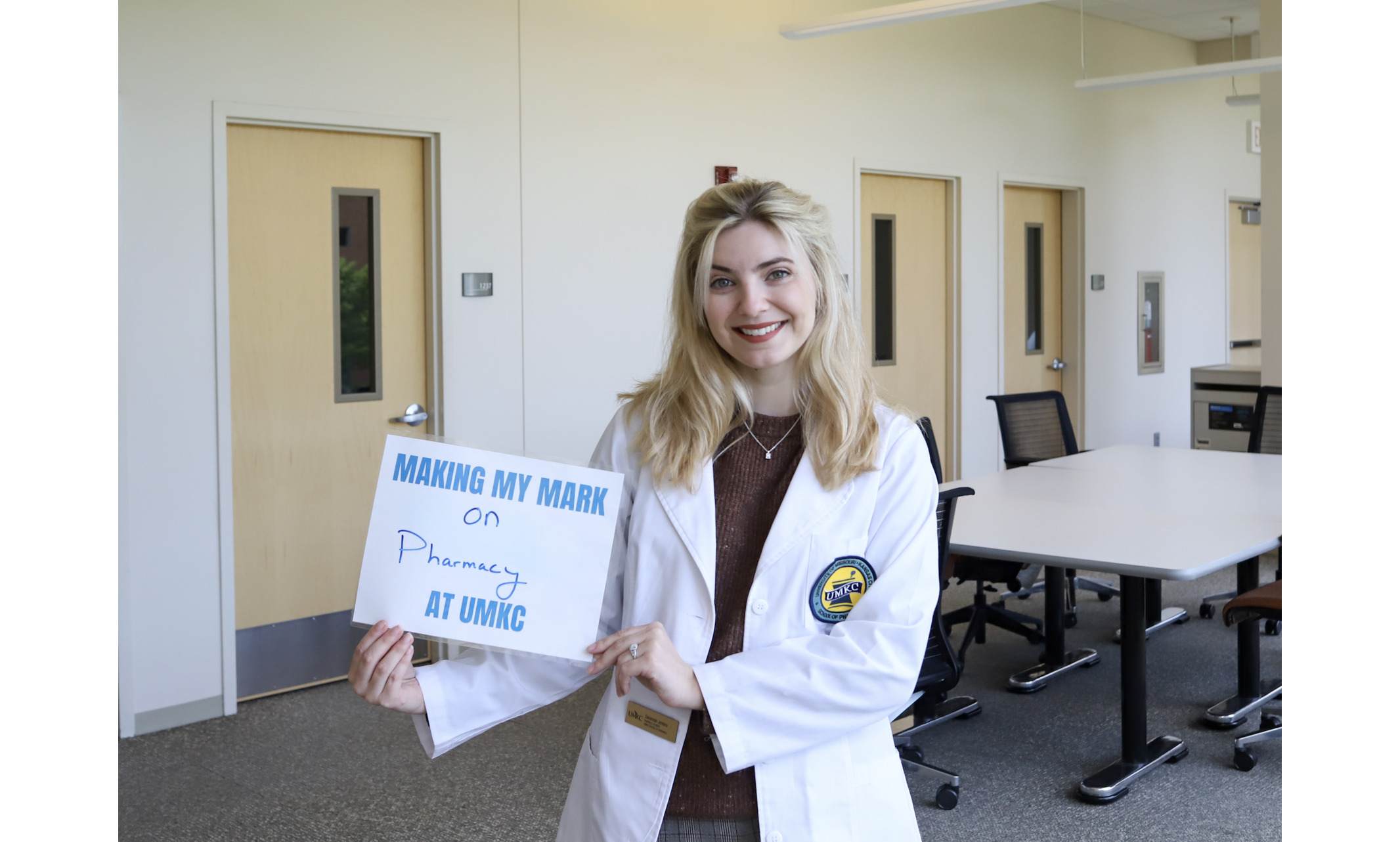
Savannah Jenkins is seeking doctoral and master's degrees simultaneously
At UMKC, students write their own stories, form their own definitions of success and chart innovative career paths. Savannah Jenkins, a St. Louis native, came to UMKC to become a pharmacist and found community, leadership opportunities and a program with unwavering commitment to student success.
Savannah JenkinsHometown: St. Louis, MissouriGraduating Year: 2025Degree Program: Pharm.D. and MBAUndergrad: St. Charles Community College, UMSL
Why did you choose UMKC?
I chose UMKC for several reasons. My fiancé got accepted into the dental school right across the street. I also felt like the School of Pharmacy program’s values aligned with mine with their community outreach, their emphasis on professionalism and innovation. The community I saw in my interview reeled me in. Our professors care about each of us, and there is a lot to get involved with!
Why did you choose pharmacy?
I used to play doctor with my mom as a kid, so I knew I wanted to do health care, but I didn’t know what I wanted to do. My dad has a pharmacist friend, and initially I thought pharmacy was just standing behind the counter and looking at pills all day. I didn’t realize that there were a ton of job avenues within pharmacy. That flexibility and the different opportunities within pharmacy really spoke to me.
Do you know what avenue you want to take within pharmacy?
There are so many that it’s hard for me to try and narrow them down, but I think I’ve got it down to two. Ambulatory care or industry work in sales, research or development. I’m also getting my MBA with my Pharm.D. through the Henry W. Bloch School of Management. UMKC offers that unique opportunity to their pharmacy students, which is great. I take my MBA classes online so I’ll graduate with both degrees at the same time. The MBA will give me more opportunities within pharmacy down the line.
What has been inspiring to you about pharmacy?
I’ve been inspired through my peers and seeing their own experiences in pharmacy. Also, when you go through your rotations and get the chance to apply what you’re learning in the classroom out in the real world and interact with patients, you see that what you’re learning will impact people as a pharmacist. I can look down the road and say, ‘that is going to be me someday!’
What have you learned about yourself at UMKC?
Time management. Planning and initiating good time management practices into my daily routine has been important. I try to have three big goals for each day. I have a couple of school goals and one personal goal.
Who at UMKC do you admire most?
One of my best friends in my program, Ayatt Muslet, is a single mom who is balancing motherhood with schoolwork and several different jobs. She’s doing all this pharmacy work and has four kids to take care of. At the end of a long day, when I’m tired, I know that if she can do it, so can I. She’s really a rock star.
What extracurricular activities are you involved in?
Last year, I was on the executive board of APHA (American Public Health Association). This year, I’m the president of PHL, or Public Health Organization. I also do research with Our Healthy Jackson County . I get to go out into the community at least twice a month and work with my peers in dental, nursing and medical school. As pharmacy students specifically, we provide free vaccinations and mental health screenings. We are able to refer a patient to additional resources if their screening shows that they need additional mental health support. I feel like I’m really making a difference.
What do you hope to take from your experiences at UMKC into your professional career?
The professionalism that UMKC instills in their students. They set us up well to communicate effectively with patients and other health-care providers, and they help establish confidence. Confidence, communication, professionalism and problem-solving are all skills I hope to take with me.
What is one word that best describes you?
Persistent. I had to be persistent about wanting to get where I am. I did community college and wasn’t sure what I wanted to do yet. Then, I got my B.S. and knew I wanted to go into health care, but it was between dentistry and pharmacy. Then I took a gap year and was really working on making myself competitive. I finally made it here, and persistence was the key. At any point, I could have said, “this is a lot of school and I think I’m done.”
Most used social media channel?
Pinterest. It feels much more relaxing than other social media platforms.
What’s your favorite place to eat in Kansas City?
Brickhouse
Where’s your favorite spot to hang out in Kansas City?
I don’t get to hang out a lot but when I do go out, I like the Power and Light District. I spend most of my time at home or at school studying. I also like all the different cafes in Kansas City.
How is Kansas City different than St. Louis?
It's my first time getting a real feel for downtown city life. There's so much to do just a few minutes away, whether it's catching a game, hitting up some cool bars or exploring local parks. Back home is great too, but it's really nice to switch things up and enjoy the new scenery here. Every day brings something new and exciting!
Jul 11, 2024

Partnership includes $10,000 scholarship award per student
The University of Missouri-Kansas City Henry W. Bloch School of Management is partnering with five top Kansas City banks to announce a new scholarship program. Banking Leaders of Tomorrow is designed to inspire future professionals to make a difference in their communities as leaders in the banking and finance industries.
Available to incoming students from Missouri or Kansas, this scholarship totals $10,000 over four years for incoming freshmen who express interest in pursuing careers in banking and finance. To provide continued support during their education, accepted students will also receive both academic and professional mentoring as well as networking opportunities.
This scholarship is made possible through generous support and close partnerships with area banks who have committed to supporting students in and out of the traditional classroom through lectures, site visits and panel discussions. They have also committed to providing internship opportunities, ensuring real-world experience throughout these students' time at UMKC.
Academy Bank
Arvest Foundation
Commerce Bancshares Foundation
Lead Bank
UMB Bank
“Banking Leaders of Tomorrow is much more than a scholarship and we could not launch this program without great partners,” said Jocelyn Evans, associate dean of the Bloch School. “These banks are not only committing their time here on campus, but they are also providing important opportunities for our students to explore their future in banking and finance.”
Scholarships will be awarded based upon a student’s essay describing their interest in a financial services career and how their experiences have prepared them to engage in banking relationships with individuals and businesses in low- and moderate-income areas in the Kansas City metropolitan area where many residents do not have traditional banking relationships.
“The Bloch School is committed to educating students who will improve the communities where they will one day live,” said Bloch School Dean Brian Klaas. “Banking Leaders of Tomorrow furthers that commitment, and we’re grateful to our partner banks for making this possible.”
Jul 10, 2024

One of 17 schools in the nation to receive the inaugural award
The American Association of Colleges of Pharmacy recognizes pharmacy programs committed to providing community pharmacy services in a transformational way and has designated the University of Missouri-Kansas City School of Pharmacy a Community Pharmacy Center of Excellence.
The designation recognizes the significant commitment the school has made to advancement in teaching, service, scholarship, leadership and partnerships. The school is one of 17 schools to receive the award.
Faculty members Kendall Guthrie (Pharm.D. ‘13), Sarah Oprinovich, Pharm.D., and Heather Lyons-Burney (Pharm.D. ‘94), applied for the award, with help from Mark Sawkin, Pharm.D., Mark Patterson, Ph.D., M.P.H. and Yifei Liu, Ph.D.
Alongside the other schools, the UMKC School of Pharmacy will serve as an ambassador for the discipline, and will have unique opportunities to share its knowledge and help other programs develop community-oriented care.
“We will be used as a model for other institutions that would like to incorporate more community pharmacy education into their curriculum,” Oprinovich said. “We will also be in closer contact with other Centers of Excellence, so we can all share practices that will improve our students’ readiness for practicing in contemporary community .”
Dean Russ Melchert, Ph.D., noted the accomplishment’s importance.
“We are very excited and honored to receive the prestigious Center of Excellence designation by AACP for our faculty’s innovative work in advancing community pharmacy practice,” Melchert said. “Pharmacists have been among the most accessible health-care providers, with estimates suggesting that over 90% of the U.S. population lives within 10 miles of a community pharmacy. We are happy to be recognized nationally as a school with expertise in producing outstanding, innovative and entrepreneurial community pharmacy practitioners."
As a Center of Excellence, the UMKC School of Pharmacy now sets its sights on advancing community pharmacy practice for everyone, and on continued training of the caregivers of tomorrow.
According to Oprinovich, many people realize that their community pharmacy is where they can get vaccines, testing for minor acute illnesses, monitor blood pressure and more.
“We have multiple faculty who are given the time and space to serve professional organizations, innovate, and research,” Oprinovich said. “Our experiential education leaders also place high value on training students to be well-prepared for the rapid change that is happening in community pharmacy today.”
The School of Pharmacy will hold this designation for the next five years, after which it will be invited to reapply.
Jul 09, 2024

New center provides opportunities to use multimodal data to solve community problems and develop a critical workforce in Missouri and Midwest.
Shu-Ching Chen, Ph.D., has always known big data would be the wave of the future.
Chen is the inaugural executive director of the Data Science and Analytics Innovation Center (dSAIC) at the University of Missouri-Kansas City, a position he took to continue his research into multimodal big data analytics. By harnessing immense datasets to extract insights, patterns and knowledge, dSAIC provides the foundation for transformational research.
Multimodal big data analytics combines techniques from artificial intelligence, machine learning, data analytics and more to analyze data from different sources and apply them to solve fundamental and real-world problems.
“Companies need to analyze data to benefit business,” Chen said. “If you don’t take advantage, you fall behind.”
At dSAIC, Chen and his team are working to create tools to help students, companies and stakeholders seamlessly bring together different kinds of data points as quickly as possible to allow for easier analysis and integration.
During his 21 years at Florida International University in Miami, Chen’s research into multimodal big data analytics earned funding from the National Science Foundation, the National Oceanic and Atmospheric Administration, Department of Homeland Security, National Institutes of Health, Department of Energy, Army Research Office, Naval Research Laboratory, Environmental Protection Agency, Florida Office of Insurance Regulation, Florida Department of Transportation, IBM and Microsoft.
His research was also used to help emergency management in several aspects of post-hurricane recovery efforts, like insurance approvals and damage analysis. Chen plans to continue that work in Kansas City, collaborating with emergency management in other natural disaster- related recoveries, as well as continue to develop tools that can make an impact in all industries and communities across the state.
"Companies need to analyze data to benefit business. If you don’t take advantage, you fall behind."
— Shu-Ching Chen, Ph.D.
Now, with Chen as the leader of dSAIC, the center will support university research across Missouri and will play a critical role in workforce development across Kansas City and the region. He also hopes to continue developing models and projects that can be easily recognized by the general public.
In his short time as executive director, the center has been awarded grants, including from the U.S. Department of Education Center of Excellence in Spatial Computing, bringing in more than $1 million in funding.
In Chen’s eyes, dSAIC has the potential to be a prestigious hub for multimodal data science due to Kansas City’s continued growth and potential. He hopes to bring together stakeholders and community leaders to identify the need, identify potential projects and identify the impact, helping make it the best data science center in the country.
Kansas City’s central location, growing potential and opportunities make it an ideal place for students to learn and apply multimodal research into the community, as well as making an impact on surrounding states in the region.
Chen sees the center as a place where graduates will learn the necessary skills and stand out when applying for jobs in the Kansas City area, the region, across the country and around the world.
In an industry where technology is evolving quickly, the center will allow students to develop the skills necessary to keep up with the challenges and changes. The Data Science and Analytics Innovation Center will also be a place for alumni to return to campus and share experience from real-world applications, giving students a unique learning experience.
But it doesn’t stop at data science. Chen believes students from all disciplines and academic units can benefit from studying multimodal data analytics at dSAIC and meet the demand for high-quality employees from top companies.
Data is at the heart of artificial intelligence and machine learning, like the popular ChatGPT, which has seen several applications that go beyond simple search inquiries. With a center like the dSAIC, Chen sees possibilities at the forefront of the next generation of data science technologies.
Jul 02, 2024

UMKC students’ work will be featured on the iconic Crown Vision screen at Kauffman Stadium
Students studying journalism and film and media arts got a grand slam of an opportunity with Pine Tar Collective, the in-house marketing agency for the Kansas City Royals.
The collaborative effort led to a promotional commercial for the University of Missouri-Kansas City partnership with the Royals on Kauffman Stadium Crown Vision, the almost 9,000-square-foot screen above the outfield.
“It was an extraordinarily unique opportunity to have a chance to go out to Kauffman Stadium and really experience what life at The K is all about,” said Steve Kraske, teaching professor of journalism. “To work with professionals who really know what they're doing, have a very clear idea of how to film this project and get it in the can. It was a great experience for our students to have that opportunity.”
Cristian Martinez, a journalism and film and media arts major, was one student who saw the whole project from concept to screen.
“To work with the Royals on this project was amazing,” Martinez said. “It felt like a dream come true. UMKC, whether it be equipment or the professors themselves, has really prepared us for this moment to be on a set with the Royals. It made us felt comfortable. It made us feel like that we were able to really translate what was what we learned in the classroom to a professional set.”
Students got the MVP tour of Kauffman and Pine Tar workspaces. They met again later where the students were able to pitch concepts to the production team and finalize a plan. After two days of shooting, where students got to be hands-on behind and in front of the camera, Pine Tar edited the final video that premiered at UMKC Night at The K. It will air during every Friday home game of the remaining Royals season.
“All of us we were able to attend and watch our commercial up there,” Martinez said. “The Royals showed us on Crown Vision, which is crazy because I always wanted to be up there. They showcased all of us and it was awesome.”
The prime location and partnerships of UMKC allow for these amazing opportunities that students get to advance their career before they even enter the workforce.
“I think coming to KC, this is what it's all about,” Martinez said. “I think some people like to tell themselves, ‘I want to go to Chicago. I want to go to New York. I want to go to LA,’ when in reality, Kansas City is the place to be. You get so many opportunities, like the chance to work hands-on early in your dream career.”
Jun 28, 2024

Award recognizes University of Missouri System students for character and collaborative spirit
Rithika Ginjupalli, a six-year B.A./M.D. student at the University of Missouri-Kansas City School of Medicine, has made her mark at the intersection of medicine and public health.
Ginjupalli, originally from India and raised in Colorado, found her love for orthopedic surgery and community public health at UMKC.
Ginjupalli was honored on June 27 at the University of Missouri Board of Curators meeting as this year’s UMKC recipient of the Remington R. Williams Award, which celebrates the life and legacy of late UMKC alumnus Remington Williams (J.D. ’22), who died in a car crash in 2022.
In UMKC Chancellor Mauli Agrawal’s nomination letter, he wrote: “Rithika consistently demonstrates integrity, respect, compassion and empathy in all her interactions. Beyond her academic achievements, she works collaboratively to build and foster environments of empathy and inclusion wherever she goes.”
As a medical student, Ginjupalli has noticed a lack of crossover opportunities for two of her biggest interests: public health and medicine. In addition to her academic duties, she has leaned into public health organizations as much as her schedule allows. With involvement in organizations such as the American Medical Association and the American Cancer Society, she works to effect systematic changes in public health from a medical perspective. She is currently the American Cancer Society’s congressional district lead, collaborating with Congressman Emanuel Cleaver to develop policies.
She also is heavily involved with medical research projects that focus on improving health outcomes through community-based participatory research.
“Each community is different, and that is part of the challenge when approaching systemic issues,” she said. “Community-based participatory research lets you tailor the interventions to each specific community rather than a one-size-fits-all solution.”
In this work, Ginjupalli found her niche in projects that aim to increase health literacy.
“There’s a big gap in health literacy for patients and for a lot of the community members we were seeing,” she said. “It’s an issue that’s everywhere.”
“Rithika has created opportunities for her fellow classmates to learn and participate in these advocacy spaces,” said UMKC Associate Professor Trung Pham, M.D., in his nomination letter for Ginjupalli. “Rithika is an exceptional and diligent student, consistently demonstrating her commitment to academic excellence.”
In 2023 alone, Ginjupalli was given the Diversity, Equity and Inclusion Award by the Association of Women Surgeons and Association of Out Surgeons and Allies, the Community Champion Award and the Award for Excellence in Diversity and Health Equity and the Ida Bamberger Memorial Research Award by the UMKC School of Medicine.
Her celebrated achievements haven’t stopped her from dreaming up more ways to make an even bigger impact. Receiving the Remington R. Williams Award is “just a sign that I’m doing something right and to continue what I’m doing,” she said. “We don’t do this work for the recognition of it. But recognizing public health work is important because it motivates others to enter this space too.”
Next up for Ginjupalli is a temporary move to Baltimore, Maryland. She will spend the next year at Johns Hopkins, earning an accelerated Master of Public Health degree before her sixth and final year at UMKC in 2025.
The Remington R. Williams Award is the highest non-academic honor that a student can receive from the Board of Curators. In addition to being a UMKC alumnus, Williams was the student representative to the University of Missouri Board of Curators (2020-2022), and this award is given to students who embody his legacy of high academic achievement, natural leadership and exceptional care to others.
Recipients are selected annually and will receive a leadership medal to wear at commencement, a $1,000 award and an invitation to be recognized at a Board of Curators meeting.
Jun 27, 2024

Genesis Ventura Amaro is on track to become an educator who changes lives
Recent University of Missouri-Kansas City alumna Genesis Ventura Amaro is an Institute for Urban Education (IUE) scholar who is committed to teaching at historically underserved schools. She received the Milken Teacher Leader of Tomorrow Award before she graduated, making her one out of only 13 recipients in Missouri.
The Milken Teacher Leader of Tomorrow Award is a recent establishment from the Missouri branch of the Milken Educator Awards program to celebrate and encourage pre-service teachers enrolled in Missouri’s public Educator Preparation Programs. This year, one Kansas City area student teacher had the honor of receiving this award.
Amaro decided to become an educator after she immigrated to the United States from the Dominican Republic six years ago. Amaro attended UMKC to study early childhood education and was an IUE scholar. This means that Amaro received additional training focused on teaching in urban schools and received a scholarship to support her while becoming a teacher; as an IUE scholar Amaro is committed to teaching in Kansas City’s urban schools for four years after graduation. “I loved being a Roo and I am sad that my time at UMKC is over,” she said. “I really valued how much people wanted me to succeed at UMKC. Being a part of the IUE has allowed me to bring in a different, more responsive perspective to the spaces I find myself in. Discussions with my peers, the school I teach at in urban KC and even anybody who would let me talk about the importance of culturally responsive teaching and restorative practices. All of this I have learned through the IUE seminars.”
Amaro’s professor and mentor Jennifer Fergerson nominated her for the Milken Teacher Leader of Tomorrow Award. “Gen has been a really strong student teacher and has thrived as an educator since she began,” Fergerson said. “She truly embodies what an educator is, and it shows in the classroom. It’s really easy to forget that she is student teaching, since she develops skills so quickly and teaches as someone with much more experience than she actually has.” It was no surprise to Fergerson when Amaro was named as a recipient. “I was really proud of her when she won,” Fergerson said. “Especially because right before I found out, Gen was having a conversation with me about how much she loves what she does. It was just so fitting. She truly deserves this recognition.” However, it was a big surprise to Amaro since she didn’t even know she was nominated. “I feel so honored to be a recipient of the award,” Amaro said. “As a student teacher, my focus has always been on what I could do better, so noticing what I am doing well can be challenging at times. It is very rewarding to know that my hard work is being noticed and acknowledged by others as well.”
Amaro completed her student teaching as part of a year-long internship at the Academy for Integrated Arts charter school (AFIA), which is also where she was presented with the surprise award.The Milken Teacher Leader of Tomorrow Award recipients not only get an exclusive network of highly regarded fellow educators, but will also be actively supported during their first year in the classroom. Each recipient will be paired with a seasoned Milken Educator, who is an experienced teacher, as a mentor. The mentor will provide a safe space for the new educator to ask questions, share ideas and gain guidance. “I’m inspired to become a teacher that students can relate to and connect deeply with,” Amaro said. “Even if I can’t change the teaching world, I can change the lives of individual children. I know how important early childhood is, and I am thankful to be blessed with the opportunity of being trusted with so many little minds and hearts to take care of.”
Jun 18, 2024

Kayla Tottress has a calling to help children love learning
For most teachers, their classrooms look much the same, desks, white boards and colorful posters. But for Kayla Tottress, the classroom sometimes looks quite different, a turf-and-dirt kind of different.
The junior in elementary education is part of the University of Missouri-Kansas City Institute for Urban Education (IUE), which trains culturally responsive teachers who receive scholarships in exchange for committing to teach in Kansas City-area districts. Among the IUE’s many partners are Major League Baseball and the Kansas City Royals. Together, they team up to help kids in Kansas City enjoy reading and learn a love of the game through the MLB Urban Youth Academy.
“What a great way for our students to get involved in their community because we have a team, the Royals, so not only are they getting to learn about baseball and teamwork, but they have a fun outlet, a place to go while also encouraging them to do well in school,” Tottress said.UMKC students work with local elementary students throughout the year, helping them strengthen their reading skills at “Power Hour” tutoring sessions. At the end of the semester, students get to have a baseball trivia night. The game requires students to read and answer trivia questions to earn their chance to hit the ball. After they get a hit, the game proceeds like regular baseball.
Though it may seem like fun and games, Tottress said it’s important for students.“I think it's very important that students don't get used to just the tedious, mundane task of everyday learning,” she said. “If we can get them to learn and have fun at the same time, we feel like we're doing a good job as educators.”Major-league partnerships aren’t the only experiences Tottress has had in the classroom. She has also participated in Lead to Read, an initiative to read with students. And she’s been a student teacher at Trailwoods Elementary, part of Kansas City Public Schools, also a UMKC partner. Tottress said being in a classroom, having unique teaching and learning experiences and learning from teachers who have different teaching styles have inspired her to think of how she can bring her own style into the classroom.“One of the advantages of being in a city like Kansas City is that I get to see all different types of people that come from all different walks of life,” Tottress said. “I wouldn’t want to teach anywhere else.”Whether it’s teaching in the classroom, tutoring or leading baseball trivia, for Tottress it’s all about connection. In fact, she says that’s why she chose UMKC. From the moment she inquired at UMKC, Tottress said faculty were responsive to her questions and dedicated to ensuring she was supported. “I really sensed that someone wanted me in their program,” Tottress said. “I love that personal aspect and connection of being connected to a college. I hadn't even said yes yet, and they were already setting things up, saying, ‘We want you to be here.’”
Jun 18, 2024

Five new details about the Foodiverse
Construction is underway on new campus dining options at the University of Missouri-Kansas City. In his State of the University address, Chancellor Mauli Agrawal offered a sneak peek of the UMKC Foodiverse.
“This is an exciting addition for our students, our employees on campus and the Kansas City community,” said Jody Jeffries, director of the Student Union. “This will elevate our dining experience at UMKC.”
What is the Foodiverse?
The Foodiverse will be a food-parlor environment on the first floor of the Student Union. There will be eight food concepts, including the full-service Starbucks on the east and a full-service Chick-fil-A that will replace the Chick-fil-A Express on the west. The other six food stalls include:
An isolated allergen-free zone
Pizza and pasta
Deli
Salad bar
Grill
Home-style meals
Additionally, more modern furnishings will be added to both interior and exteriors space at Student Union.
Why is the Foodiverse being created?
The Foodiverse will be closer to UMKC residence halls and centrally located on campus. It also will be short distance from the KC Streetcar stop that is expected to run to and from the UMKC Volker Campus next year.
What is the construction timeline, and will the dining hall remain open at Atterbury?
The construction at Student Union recently started with clearing space, and is expected to be completed in January 2025 for the spring semester. Meanwhile, the dining hall at Atterbury will remain open. When the Foodiverse opens, Atterbury dining services will be closed for renovations to create a new expanded student welcome center at Atterbury.
Will any dining options remain open at Student Union?
Yes, the full-service Starbucks will maintain its normal business operations during construction.
How will meal plans work for students and for the community?
Meal plan holders will engage with the area by visiting one of the six Foodiverse options to compile a full meal from the specific station, and then will be afforded second helpings from any one of the six options during the same meal period. Plan holders will have Meal Exchanges and Flex Dollars associated with their accounts to allow for full retail purchasing at Starbucks and Chick-fil-A. This will be managed through point-of-sale technology.
Jun 17, 2024
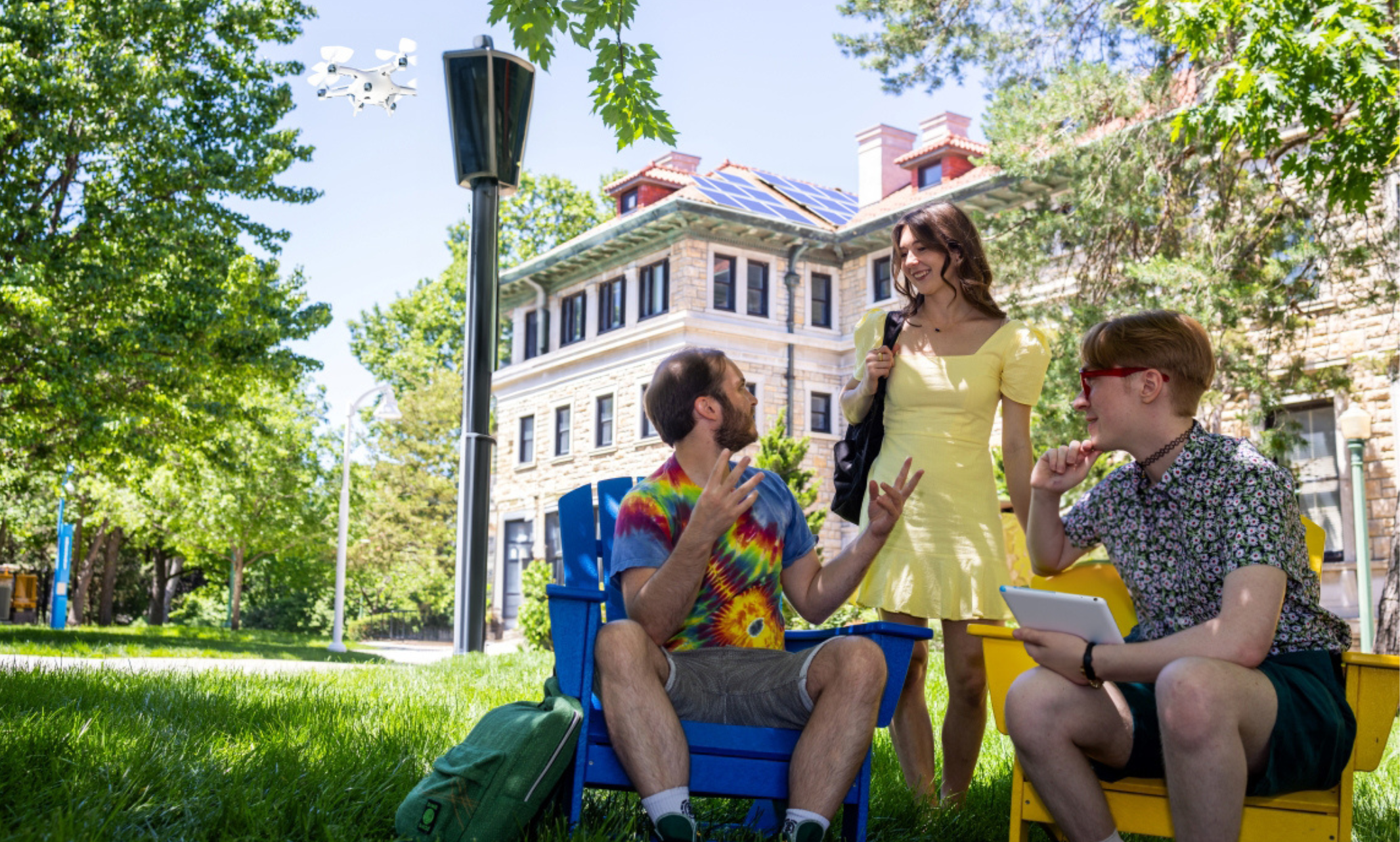
Using AI in teaching and research is just the beginning
Kansas City’s research university is known for being innovative and future-forward. As artificial intelligence engrains itself into our everyday lives, many faculty have been on the leading edge of using this technology in the classroom and in their respective fields. Here’s what professors campuswide are doing to keep up with AI.
School of Science and Engineering
ZhiQiang Chen, Ph.D. is one of the founding chair members of a new American Society of Civil Engineers national committee looking at AI in the classroom. The committee is working to answer the global pressing needs of adopting generative AI into civil engineering classrooms.
In Fall 2023, he developed the first civil engineering AI course offered at UMKC titled “Intro to AI for Natural and Built Environment Applications.”
School of Medicine
Sara Gardner (B.L.A. ’01, M.D. ‘02) is looking at how to incorporate appropriate use of AI in patient care and education.
“Clinically, as our faculty and institutions have adapted and learned more, we understand the utility of AI to recognize small, incremental changes in our patients that could lead to better treatment strategies that ultimately improve patient outcomes,” Gardner said. “Our graduates will likely encounter this technology very early in their post-graduate training, so we are looking for opportunities for them to be exposed to, and learn to respond to, this data on clinical clerkships. Our students also need to understand and become adept at querying these databases, whether that is generating clinical documentation to a complex interpretation of test results specific to the personal characteristics of your patient, to better understand how to interpret these results for their individual patients.”
School of Nursing and Health Studies
Jim Spence (B.A. ’95, M.P.A. ’02, B.S.N. ‘09) interim associate dean for academic affairs, has presented at nursing conferences on AI in nursing education.
Spence is also encouraging both faculty and students to utilize AI in the classroom, whether that is for developing test questions or patient case studies. For patient case studies, AI is able to generate details of the patient’s social history such as name, gender, age, occupation and physical history from lab tests such as neurological assessments and cardiac testing.
School of Humanities and Social Sciences
Antonio Byrd, Ph.D., serves on the Modern Language Association and Conference on College Composition and Communication Joint Task on Artificial Intelligence and Writing, a national task force that discusses humanities interventions in AI and higher education. One such example is creating guidelines for AI policies to honor students' linguist diversity and autonomy.
School of Education, Social Work and Psychological Sciences
Jake Marszalek, Ph.D., interim associate dean and professor of psychology, is investigating the potential outcomes of using AI for learning and education.
Marszalek is a co-investigator on a multidisciplinary grant from Unanimous AI to investigate educational outcomes for a software that enables peer-to-peer collaboration while protecting data privacy and security.
Henry W. Bloch School of Management
Larry Wigger, Ph.D., is currently exploring humanity’s role in increasingly automated workplaces due to AI. With AI automation threatening to displace the lowest-skilled workers, given their predominantly routine tasks, tomorrow’s workforce needs a better way to gain the critical experience to manage and lead. Wigger’s research focuses on how future workers should be equipped with critical thinking skills to employ AI ethically, minimizing negative effects.
School of Law
School of Law professor Ryan Copus, J.D., encourages students to use large language models when writing papers, exploring ideas or completing any other assignments. Copus teaches a course titled “Data, Decisions and Justice,” where he introduces the idea of technically and ethically responsible ways to apply the power of AI to regulate legal decision-making. In this course, students get to code and build their own machine learning model as well as engage in AI research literature.
Jun 17, 2024
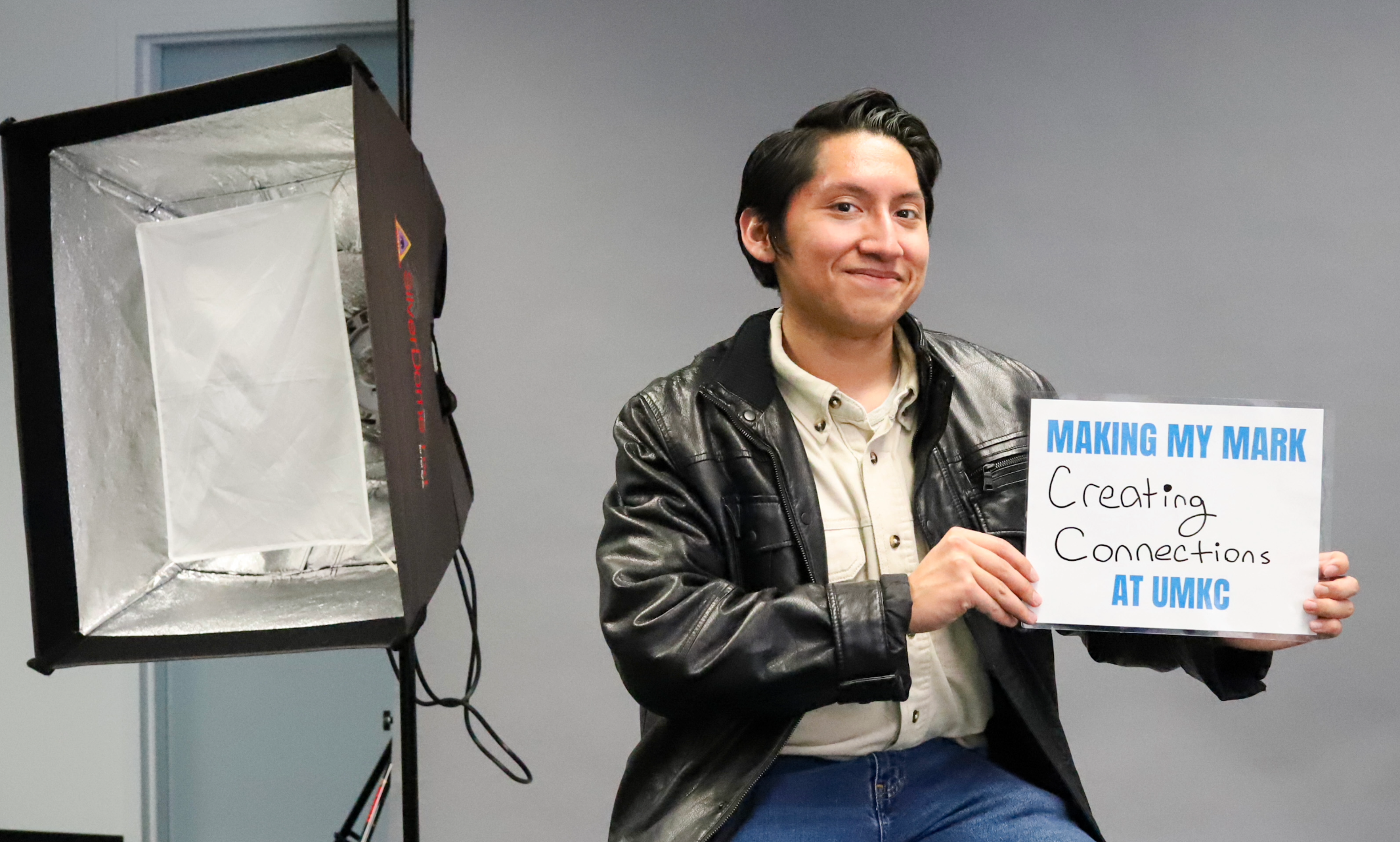
Flexibility and drive allow student to forge professional connections for a greater purpose
At UMKC, students write their own stories, form their own definitions of success and chart innovative career paths. Emmanuel is turning dreams into reality by creating connections in political science and Spanish degree programs and participating in organizations including the Association of Latin American Students and Multicultural Student Affairs.
Emmanuel Fabian Anticipated graduation: 2026 UMKC degree program: Political science and Spanish Hometown: Clarksville, Arkansas
Emmanuel Fabian came to UMKC and found his passions. While studying to be a filmmaker, he discovered his true career goal was to help immigrants in the United States. He changed his major to support that goal but still finds time to hone his art and make connections throughout the university and beyond.
Why did you choose UMKC?
I have a desire for filmmaking, and that wasn't really something that was offered anywhere near me in Arkansas. So, I came to Kansas City. Now that I'm here, I've also learned that I have other interests, and some really dominate. I've been wanting to work with immigrants; see if I can help them out. That’s why I changed my major, even though I am still making films.
How has your college program inspired you?
I try to really get involved, and not just at the university, in Kansas City. I’ve found that it's been very beneficial. I've met a lot of great people.
Who do you most admire?
The people I admire most at this school are all the people that I collaborate with. Some in the Association of Latin American Students, some have been in the Multicultural Student Affairs Office. Some are in the world and languages departments. It's many down-to-earth, great people. They’ve assisted me in so many different ways with my academic career.
Do you have any leadership positions here on campus?
I serve as a public relations officer for the association of Latin American students.. It's beneficial to me. I've been able to meet a lot of great people over there. It’s awesome to talk to everyone, and it helps me balance my schoolwork.
What word best describes you?
Indecisive. That’s something I’ve learned about myself, coming to school here. I've also learned that it just means that I'm interested in many things. Career-wise, it's let me really narrow down my decision on what I want to do in life: helping immigrants.
Jun 13, 2024

Meet the UMKC alumnus as he takes on a new role
Alexander Norbash (B.A./M.D. '86) has returned to his alma mater as the dean of the School of Medicine.
Previously, he served as the chair and professor of radiology at the University of California San Diego School of Medicine, where he continued to hone his extensive background in research and health-care collaboration.
Norbash joins the school at a pivotal time, with a $120 million Healthcare Delivery and Innovation Building breaking ground later this year and a new $14.5 million medical education building under construction on the St. Joseph, Missouri, campus. He joined the school as dean in March.
What inspired your career in medicine?
My father was a surgeon and the town physician in Platte City, Missouri, for many years. His practice was actually a family business. My mother was the office manager. My little brother and I did odd jobs and filing. This was many years ago before electronic medical records. We saw the patients enter the office with numerous ailments and symptoms, many clearly worried, some visibly with discomfort or pain and others with some level of reluctance. Inevitably, many — if not most — left with a sense of relief and gratitude. This left an impression on us that the work was serious and meaningful. Being a physician’s son also means I heard about the frustrations and limitations of health-care delivery, so I felt that I had a balanced impression of the career. In the end, any frustrations or limitation of the career were offset by the gratitude the practitioner felt for the privilege of alleviating pain and suffering in a fellow human being. Later, when it came time to decide on colleges and a career, the final choice was clear.
Talk about a fond UMKC School of Medicine memory.
My classmates were remarkable. They were brilliant and gifted and energetic, always testing the limits of what we could or should do. For a period of time, we believed that our teachers and professors knew us by the moniker, “that terrible class.” We were always testing the limits of rules, rather than following them. Which I suppose is what you expect with individuals who are adventurous, creative, innovative and want to do things “better.” The respective rules might just go out the window in certain instances.
When I was a student, the units were all alive and buzzing with activity. Students were everywhere, and you could hear laughter and happy conversations in all the halls. We had a full-sized pool table on the fifth floor, and on any given evening, six or seven of us would congregate around the pool table watching our classmates winning and losing. (We) talked about politics, religion, what we were doing and planned on doing and all that lay ahead of us in that long and barely visible road we called the future.
What are your goals for the School of Medicine as dean?
I want to have the best and happiest medical school possible. I want the students to be exceptionally kind, brilliant clinicians, completely satisfied and pleasantly surprised by their experience. I want the faculty and staff to be fulfilled and contributing to a community of innovation and experimentation. I want the community – including Kansas City and our adjoining states – to appreciate this amazing gem for what it is, and what it will become.
You are well-versed in the importance of medicine in rural communities, which is the focus of our St. Joseph campus. What is your vision for that program as it grows?
I had a remarkable rural medicine elective experience in Cassville, Missouri, many, many moons ago. I was struck by the strong independence of my preceptor, who was absolutely on his own for all sorts of maladies and issues presented on a daily basis. Our rural practitioners are not only remarkable physicians, but they are also trusted resources, neighbors and sage advisors. We will do everything possible to ensure our rural practitioners preserve the principles of kindness and sensitivity they are known for, while helping them innovate with advances such as population science, preventive medicine and wearable technology to ensure that rural populations benefit from the innovations that are constantly being utilized and implemented in technology-rich urban settings.
What is something about you that may surprise people?
Before choosing medicine as a career, I considered commercial aviation. To that end, my hobby for the past 33 years has been flying, and for the past 30 years it has been flying helicopters. If for some reason I weren’t a physician, my alternative career choice would have been a coast guard helicopter pilot.
Jun 03, 2024

Campus event at Henry W. Bloch School of Management honors hundreds
The University of Missouri-Kansas City is once again a top choice for high school and returning students who received Hispanic Development Fund scholarships for the next academic year.
This year, the Greater Kansas City Hispanic Development Fund awarded a record-breaking $1.2 million dollars in scholarship funds to 509 recipients. Of those, 125 represent new and returning scholars at UMKC.
The Hispanic Development Fund (HDF) awarded its first scholarships in 1984, providing $100 each to 100 students through a separately named Hispanic Scholarship Fund.
UMKC hosted the scholars and their families at the Henry W. Bloch School of Management for the second straight year. Lauren Orozco (B.B.A. ’23) played a large role in organizing this year’s event. As a former HDF scholar, she understands the lasting impact this scholarship program can have.
“The Hispanic Development Fund gave me a valuable and connecting community that helped prepare me for life after I graduated,” said Orozco, who now serves as an admissions counselor at the Bloch school. “That is the lasting mark the Hispanic Development Fund has on their students. They aren't just providing them a scholarship but with a community that will continue to grow and give back.”
During this year’s event, students received detailed information about their opportunities and the partnering organizations, but one of the most important elements of the event was the opportunity for the students and their families to celebrate their success.
Marlon Perez-Morales is a sophomore studying business administration with an emphasis in finance.
“The connections I’ve made through HDF have made a big difference early in my college career. I’m also involved as a mentor and can tell other students about HDF and give back to them.”
Phillip St. John is a senior studying business administration with an emphasis in entrepreneurship. He’s also a second-generation HDF scholar. His father, and UMKC alumnus, Steven St. John (B.A. ’96) was also an HDF scholar and now hosts the popular sports morning show “Border Patrol” on 810 WHB. Knowing the impact HDF can have, he pointed his son toward the program.
“I’ve been an HDF scholar each year here at UMKC,” the younger St. John said. “The financial assistance has been important but the connections I’ve made through this program have had the biggest impact.”
Lilah Crum Barnhill is a junior studying philosophy and French.
“The Hispanic Development has given me an amazing community support system,” Barnhill said. “Receiving this continued financial support as a returning HDF scholar has ensured my success here at UMKC.”
May 31, 2024

Liberty Gladden heads to South Korea, thanks to her award
UMKC student Liberty Gladden has been selected as a winner of a 2024 Boren Scholarship. Gladden, a junior studying computer and information sciences with a minor in business, will receive funding to pursue intensive Korean language study at a university in South Korea in Fall 2024.
Gladden is currently studying abroad at Hanyang University in South Korea, and this opportunity will allow her to return to the country for another semester and further cultural immersion. Gladden’s future goals involve pursuing her Master in Business Administration at UMKC and eventually working as a leader within the U.S. government.
The Boren Awards is a highly competitive national award program, which provides up to $25,000 in funding for students to study language and culture abroad.
The program aims to provide students with the resources and encouragement necessary to acquire skills and experiences in areas of the world critical to U.S. national security. In exchange, recipients accept a service requirement to work for the federal government for at least one year after the completion of their program.
Recipients are chosen based on the relevance of their country and language to U.S. national security, their commitment to long-term government service, demonstrated academic preparation and cultural adaptability.
“I’m excited for this award to help impact my future by allowing me to carry out my career goals on a global scale passionately,” Gladden said. “This opportunity will help me achieve mastery in Korean, which will enable me to further be of service to the Korean people and aid in U.S.-South Korea relations. It is a blessing to be given this opportunity and I credit it to the hard work put in by not only myself, but also so many others who have helped me along this journey such as my UMKC Competitive Awards Advisor McLain Hymer and even professor Alex Matlack.”
Gladden discovered the Boren Awards thanks to Hymer.
"When Liberty and I first met, she had never heard of the Boren Awards before, but it quickly became apparent that this program would be a great fit based on her interest in the Korean language and a future career path within the federal government,” said McLain Hymer, manager of nationally competitive awards at the UMKC Career Services. “I am excited to hear about how this opportunity for cultural immersion will help Liberty continue to enhance her Korean language skills and further her personal and professional development.”
UMKC Career Services offers career development and resources for UMKC students and graduates, such as help with applying for competitive awards to further academic and professional interests. They also offer opportunities for employers to connect with talented students and alumni.
“I am excited to continue working with UMKC students of all academic disciplines as they pursue nationally competitive award opportunities,” Hymer said. “The experiential learning opportunities offered through programs like Boren are amazing ways for our students to deepen their understanding of the world around them and reflect on their goals for the future.”
May 31, 2024

The gift from Wagstaff & Cartmell will provide free bar preparation to UMKC School of Law students
Wagstaff & Cartmell, a litigation law firm in Kansas City, made a five-year, $250,000 commitment to the University of Missouri-Kansas City School of Law’s bar preparation fund. Their gift supports an initiative by the law school to provide a commercial bar preparation program and in-person supplemental course at no additional cost to students.
As of December 2023, every UMKC J.D. graduate has access to these resources.
The stress of bar preparation is a feeling that many attorneys remember, even years into successful careers. Brian Madden (J.D. ’92) and Jack Hyde (J.D. ’11), both partners at Wagstaff & Cartmell, spoke about the importance of supporting students as they take this step in their careers.
“Many of us were fortunate to have support from the firms we were going to work for when it came to bar preparation,” Hyde said. “Not everyone has that support, and it can be a big obstacle. We knew this would be a meaningful way to give back to students that would help them the most.”
While some law firms will pay for bar preparation expenses, students with ambitions in public service and other areas of law will have to decide whether to pay the cost themselves, an average of $4,000, or choose to take the bar exam without that support.
“Recognizing that UMKC serves a very diverse economic student population, and given the current cost of bar preparation, we don’t want to see students forego it due to cost,” Madden said. “I cannot imagine taking the bar exam without preparation. It gives you a comfort level, both with the substance and the psychological stress. It’s so important that everyone has an opportunity to play on an equal playing field with regards to the bar exam.”
The commitment from Wagstaff & Cartmell is the first one by a law firm.
“We would love to see other mid-size and large law firms take this opportunity to support these students,” Madden said. “UMKC Law makes significant contributions to the Kansas City legal market, both at the public level through judges, prosecutors and defenders, and at the private level. There are a lot of very successful private attorneys in the city who graduated from UMKC.”
“The long-term success of UMKC is vital to the local bar and firms like ours based in Kansas City,” Hyde said. “A lot of students end up working in the community they graduate from, so having the school here is vital to Kansas City. It’s the only law school in Kansas City.”
Learn more about the bar preparation initiative at the UMKC School of Law.
May 29, 2024

One alumnus was featured in the article discussing the return on investment of a bachelor's degree
The University of Missouri-Kansas City was featured in a recent story from the The Wall Street Journal. The story discusses the colleges where students are most likely to see a positive return on the investment of a bachelor's degree.
The journal found that "young professionals graduating from public universities charging in-state tuition often receive a degree that is worth the money—with one caveat. New graduates need to earn at least $50,000 a year, on average, in their first decade off campus for the degree to pay off."
UMKC alumnus James Maiden spoke with The Wall Street Journal about his salary and job experiences before and after receiving his bachelor's degree.
James Maiden (B.L.A. '19) was quoted in the Wall Street Journal about the return of investment on a college degree. Photo by Brandon Parigo | UMKC
From The Wall Street Journal:
"James Maiden, 32 years old, dropped out of the University of Missouri-Kansas City about a decade ago because he needed to make money. He held various jobs, including at a shoe store, before landing one as a marketing manager for a nonprofit theater in Kansas City, Mo., where he earned less than $50,000. It was tough to envision a career path.
'I was working in circles without a degree,' he said. 'I needed to go back.'
After earning his bachelor’s in liberal arts in 2019, Maiden got a job as a communication specialist for a construction company. He now makes almost double what he earned at the theater."
Read the full story from The Wall Street Journal (subscription required).
UMKC has numerous scholarships and programs to make college affordable for all. Learn more about them.
May 29, 2024

UMKC is a supporting sponsor of exhibit at Union Station
UMKC is a proud sponsor of the Disney 100 exhibit in Kansas City.
Now at the Bank of America Gallery in Union Station, the Disney 100 exhibit features more than 250 artifacts including works of art, costumes, props and other memorabilia from the historic vault of the Walt Disney Archives.
Kansas City and UMKC have a storied history with Walt Disney and his media empire. Perhaps most well-known, Disney is known to be the first illustrator of KC Roo, the university mascot. To celebrate this shared history, a special gallery is included exclusively for the Kansas City run of the exhibit to celebrate the connections.
“I’m not aware of any other college that can claim the most famous animator in the world drew their mascot. UMKC is singular in that respect.” said George Guastello (B.B.A. ’82, MBA ’84). “As a proud Kansas Citian and UMKC alumnus, it’s a thrill to have a special section, Union Station’s Hometown Connections Gallery, that honors Disney’s deep roots here in our community.”
In addition to the Kansas City gallery, Union Station, UMKC and Missouri Humanities Council have teamed up to present special programming for Disney fans to hear from the voice of Goofy and Pluto, learn about the experience of animators and discover a deeper understanding of Disney’s life and experiences in Kansas City and Missouri.
Join us for UMKC Day at Disney 100 on Oct. 19 for special UMKC presentations that are free after admission purchase.
UMKC professor David Trowbridge, Ph.D., will present Walt Disney’s Kansas City, a presentation and Q&A on Disney’s childhood and early career. Tickets are free on the Union Station website.
There is also a special maker activity with staff from the National Museum of Toys and Miniatures. Participants will explore the different versions of the UMKC mascot, including the one illustrated by Disney and sew their own stuffed kangaroo. Tickets are free on the Union Station website.
Emmy-winning alumnus Douglas Enderle (M.F.A. ’81) will present The Roo Behind the Magic about his career after UMKC. Note: Enderle is only presenting Oct. 19. Tickets are free on the Union Station website.
The exhibit is open until November 2024.
May 24, 2024

Recent investments in student success have resulted in increased retention and graduation rates.
The University of Missouri Board of Curators today approved tuition rates for the 2024-25 academic year.
The new rates maintain UM’s reputation for being a top value in higher education nationally and allow the UM System to continue investing in student success. Since 2018, UM’s strategy for investing in student success has resulted in historic highs in retention and graduation rates. Over the past five years, the university’s cost per degree has fallen 11% when compared to inflation. Undergraduate tuition at all four UM universities will rise 5%. Graduate and professional tuition increases will range from 3% to 5%. Details will be available at each university’s website later today.
University of Missouri-Columbia: https://cashiers.missouri.edu/
University of Missouri-Kansas City: https://www.umkc.edu/cashiers/tuition-fees/
Missouri University of Science & Technology: https://sfa.mst.edu/cost-estimates/
University of Missouri-St. Louis: https://www.umsl.edu/sfs/tuition-fees/index.html
Even with the increases in tuition and fees, the cost of education at UM universities is significantly less than the national average. Additionally, the UM universities continue to outperform their peers related to retention and graduation rates, as well as post-graduation success, which is a measure of how many students achieve their post-graduation goals within six months of graduating. In 2023, more than 95% of UM students graduating achieved their post-graduation goals, nearly 9 points higher than the national average.“We are proud to support student success by providing a world-class education at an exceptional value,” University of Missouri President Mun Choi said. “Our students are completing their degrees on time and with the experience needed to launch great careers right away. The tuition increase will ensure that we keep delivering results that change lives and support the economic development in Missouri.”"As curators, we have two key guideposts when we consider tuition," said Robin Wenneker, chair of the UM Board of Curators. "First, we must be financially responsible fiduciaries of the university. Second, we must do all we can to provide an extraordinary educational experience that will position our graduates for immediate and long-term success. We are meeting both of these important objectives with today’s announcement and look forward to a promising 2024-2025 academic year at all UM universities.” The tuition increases will continue to provide funding to:
Invest in more course sections
Invest in more advisors
Invest in more faculty
Invest in more tutoring support
Invest in new classrooms and laboratories
Invest in new instruments
Invest in research opportunities
May 23, 2024

Kansas City’s very own civil rights hero shares his feelings about UMKC and giving back
Alvin Brooks (B.A. ’59, M.A. ’73) is a name many in the Kansas City community know. He has served as a police officer, councilman and has participated in many acts of public service, urban progression and civil rights. Brooks also had a scholarship named after him for more than a decade and received an honorary doctorate from UMKC in 2012. He has continuously made donations and gifts to UMKC in support of student life, student programs, services and scholarships for 14 years. He is also involved long term with the university’s Institute for Urban Education as an advisory member to this day.
I heard there is a movie coming out about you based off your memoir, and it is directed by Academy Award-winning director, Kevin Wilmott. How did that come about?
Yes! The movie is coming out on Juneteenth, and it is based off my memoir, Binding Us Together. Kevin read it and reached out, saying that he was interested in turning it into a documentary. I wasn’t going to say no to that! I’m excited. Kevin is a great guy and a lot of the scenes from the book will be discussed and shown.
How did you feel when you were named Alumnus of the Year in 2009 and then received an honorary doctorate in 2012?
Oh, I felt great! I didn't expect it, but I was confident about it. It made me think that maybe some of the things that I have done mattered. I am representing UMKC and got to see it grow throughout the years. I was genuinely surprised with an honorary doctorate because I didn’t really do anything to earn one! I’m just happy UMKC valued what I did enough to give me one.
How did you feel when you found out there was a scholarship named after you?
Again, I was extremely honored, knowing that there were people who wanted to give back using my name. Though I am still trying to figure out who were the ones that started it! I think I have a good idea who did it, I will let you know.
Alvin Brooks, on the right, smiling with Frank White Jr. and Jannette Berkley-Patton, M.A., Ph.D.
One of your scholarship preferences is for first-gen students, why do you think that is important?
I’m extremely pleased that being a first-generation student is a requirement. I think it's very significant and needed. The students who have resources to begin with are going to make it anyway, as opposed to those who struggle, who are the first one in their class or family to go to college or even the first one to finish high school. I’ve spoken about this many times. It is an incentive for those students. It will encourage them to push forward in their studies and create something for themselves. That is why it is important.
Why is giving back so valuable and important to you, and how does that tie with being a first-generation student?
I was completely on my own when I was an undergraduate. I had no help, and it was very difficult. I think meeting people that came from such different walks of life really opened my eyes. That is why giving back is valuable to me. I want to help students not have as hard of a time as I did. I also hope funded programs at UMKC attract different students and help first-time students meet a variety of people.
I know you are a humble man, Mr. Brooks, but are you aware of the impact you make toward our community?
No. Well, let me say this. I hope that I have made some impact. Especially in the areas of race relations and interpersonal relations. I'm a believer. Regardless of what your race might be. I think we should all be free and treated kindly. Not just in America, but all six billion of us. That is what I pursue and believe in, and I try to pass that down to my family and those around me. When I get the opportunities to do things, it makes me feel good. To know that people think I can do that. I’m not Moses or Dr. Martin Luther King Jr., but I am an honest man with integrity. So all I can say is that I hope that I have done well representing UMKC, and I am proud to have done what I did. I hope that when people talk about what I’ve done, they can relate to my humble beginnings. I struggled, but accomplished the things that are most important.
What role and impact do you think UMKC is making?
UMKC has become more prominent since my time being here, and I think the university has realized its role of an urban university. UMKC has become more aware of the community around it and has developed over time. There were only a handful of Black students when I was here in 1956. Now, it’s almost like the United Nations in terms of student population. There are still some issues, but I think there has been a consciousness on the part of the university and its higher administrative members, which will be passed on to the students in the classroom. That’s what UMKC is all about.
Learn More About UMKC Foundation
May 17, 2024
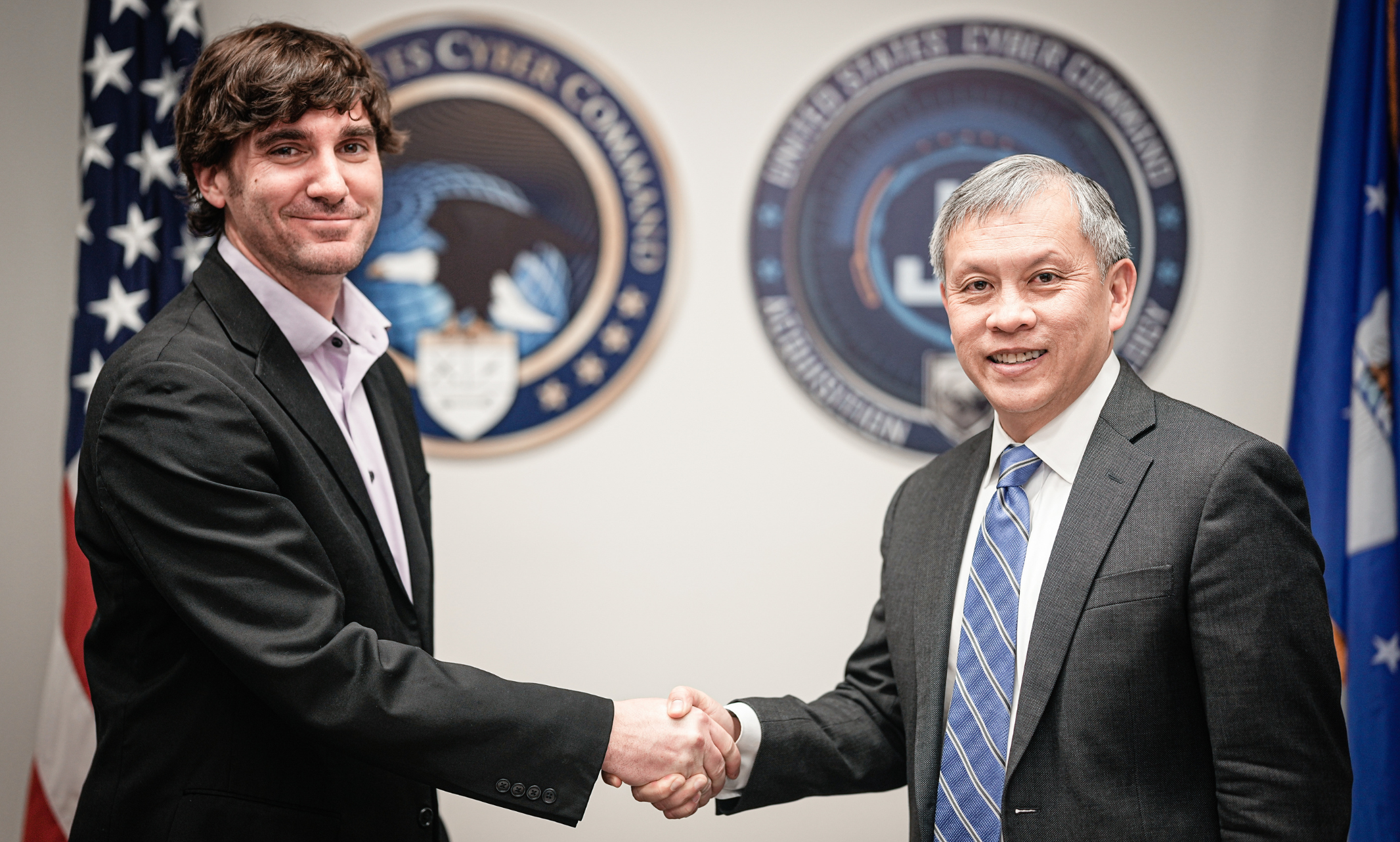
The agreement will provide new opportunities for research and collaboration
The University of Missouri-Kansas City has entered into a Cooperative Research and Development Agreement with the United States Cyber Command.
This partnership is set to transform the landscape of artificial intelligence and cybersecurity through collaborative education and research.
UMKC is the first university in the country to sign a cooperative research and development agreement with the United States Cyber Command. This partnership is also only the second to be signed by the command overall, positioning UMKC at the forefront of cybersecurity and AI research.
“This partnership represents a key milestone in demonstrating the technical relevance of UMKC and the Missouri Institute for Defense and Energy’s (MIDE) faculty, staff and students,” said Travis Fields, Ph.D., interim director of MIDE. “We are excited to work on research and development cyber solutions for the Department of Defense.”
UMKC has also entered into an Educational Partnership Agreement with the United States Cyber Command, which aims to enrich UMKC students' learning experiences by providing them with access to internships, guest lectures and state-of-the-art research facilities. UMKC is excited to play a key role in training future leaders of the AI and cybersecurity workforce.
By combining the university’s academic and research excellence with the United States Cyber Command’s operational expertise to drive innovation in artificial intelligence and cybersecurity, this partnership also serves as a collaborative framework for joint research projects. The collaborative efforts are expected to lead to the development of advanced solutions to tackle complex cybersecurity challenges, benefiting both national security interests and the broader field of technology.
May 15, 2024

School of Law clinic provides valuable experience while helping community children
Family legal issues are one of the largest unmet needs in the state of Missouri and in Jackson County. The UMKC School of Law has helped to fill that gap since the opening of its Child and Family Services Clinic in 2000. Since then, the clinic has helped more than 1,000 children be placed in permanent homes.
Clinic director Wendy Ross, J.D., joined UMKC just one year ago but has already been impressed with the impact the clinic has made.
“UMKC has a heart for providing for the community,” Ross said. “They want to reach out and help, all while providing valuable experience for our law students.”
Under the guidance of professors, work in the clinic is done by students studying family law. Services can include representation in court, paperwork to establish guardianship and more. Students at the clinic provide an average of 2,000 hours of service a year, all free of charge to the families.
“This important service to our community is why we chose to highlight the UMKC School of Law Child and Family Services Clinic in a video,” said Curt Crespino, vice chancellor of UMKC External Relations and Constituent Engagement. “The pro bono legal services changed the life of Brittney Hallman’s family and so many others in the Kansas City region.”
Brittney's story and her experience with the clinic were featured in a story on KSHB 41.
The most common service provided is establishing legal guardianship of children, often to the father or grandparents. Without legal guardianship, a caregiver does not have the authority to properly care for a child, including to enroll them in school or make medical decisions.
The clinic serves parents and families who qualify at or under the national poverty guidelines. Services are provided pro bono, allowing people who may not be able to afford a lawyer help navigating the legal system. Clients can be referred to the clinic through family court, nonprofit agencies and other organizations, as well as through direct application. For more information and to have a case considered, call the clinic at 816-235-6336 and complete an intake form over the phone.
May 14, 2024
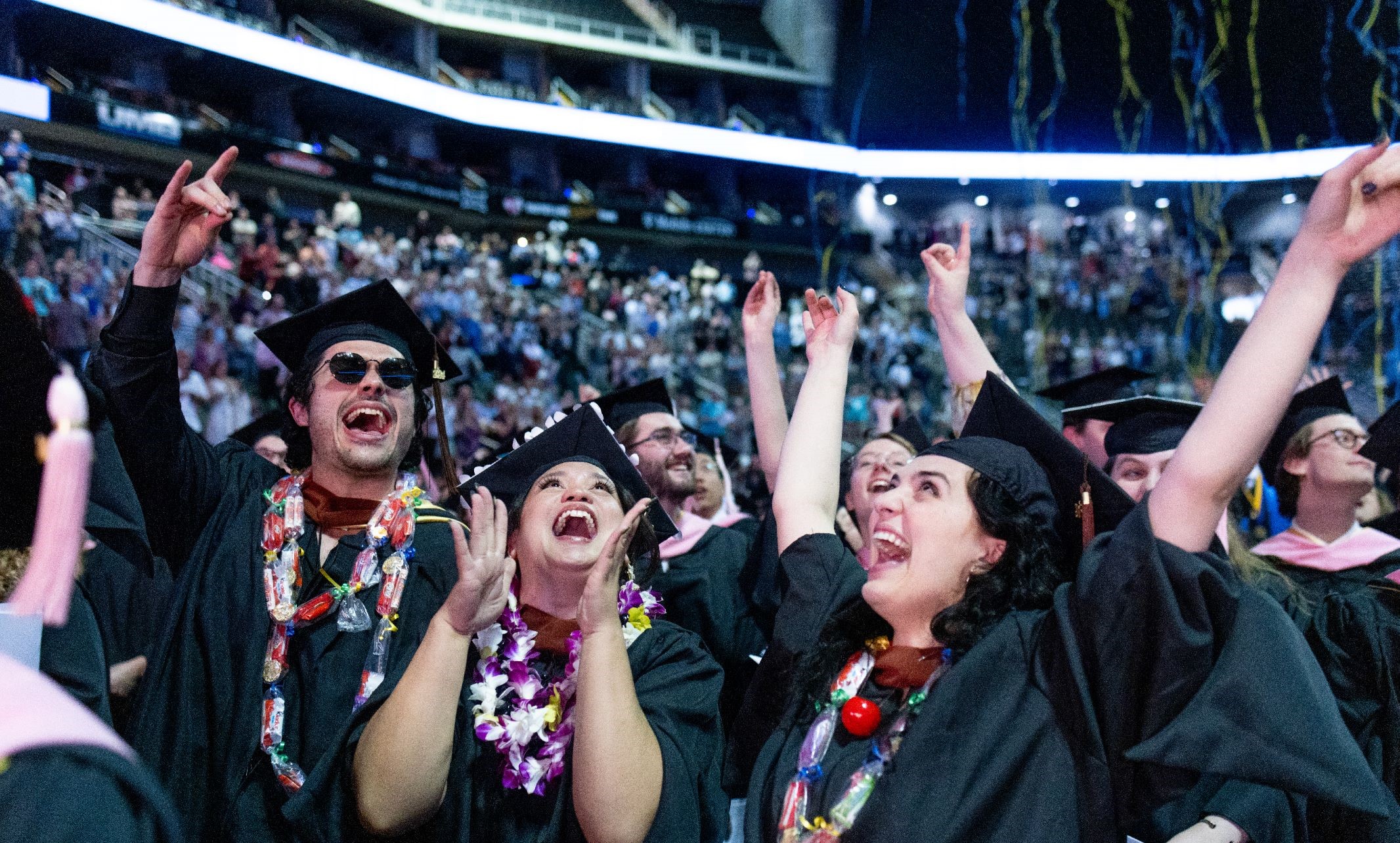
Kansas City Mayor Quinton Lucas and Leigh Anne Taylor Knight of the DeBruce Foundation were the keynote speakers
More than 2,600 degrees were conferred on Sunday, May 12 during the University of Missouri-Kansas City Spring Commencement ceremonies.
"Some of you came to UMKC knowing exactly where you were headed," said UMKC Chancellor Mauli Agrawal. "Some of you might have had no idea what you wanted to do. But all of you have chosen your own individual path and arrived here your way. You have overcome challenges and celebrated triumphs that have shaped you into the person you are today."
There were two Commencement ceremonies. Kansas City Mayor Quinton Lucas was the keynote speaker for the first ceremony, telling graduates to be confident and strive to do their best.
"Each and everyone of us should strive in some way to be famously excellent in whatever it is that we have to do ahead," Lucas said. "As you leave this arena today, know that we support you, that we believe in you."
Leigh Anne Taylor Knight, an alumna of the UMKC School of Education, Social Work and Psychological Sciences and UMKC Trustee, is executive director and chief operating officer of the DeBruce Foundation. She delivered the keynote address for the second ceremony.
“Your achievements today not only represent your hardworking and dedication, but also the unwavering support of those surrounding you today.,” Taylor Knight said. “I encourage you to find your purpose through curiosity, courage and kindness.”
Following the ceremonies, graduates flooded the T-Mobile Center to take photos and celebrate with their loved ones.
Commencement took place on Mother's Day. A few graduates celebrated the occasion by walking across the stage to receive their diploma with their children, several of them carrying them in their arms.
May 12, 2024
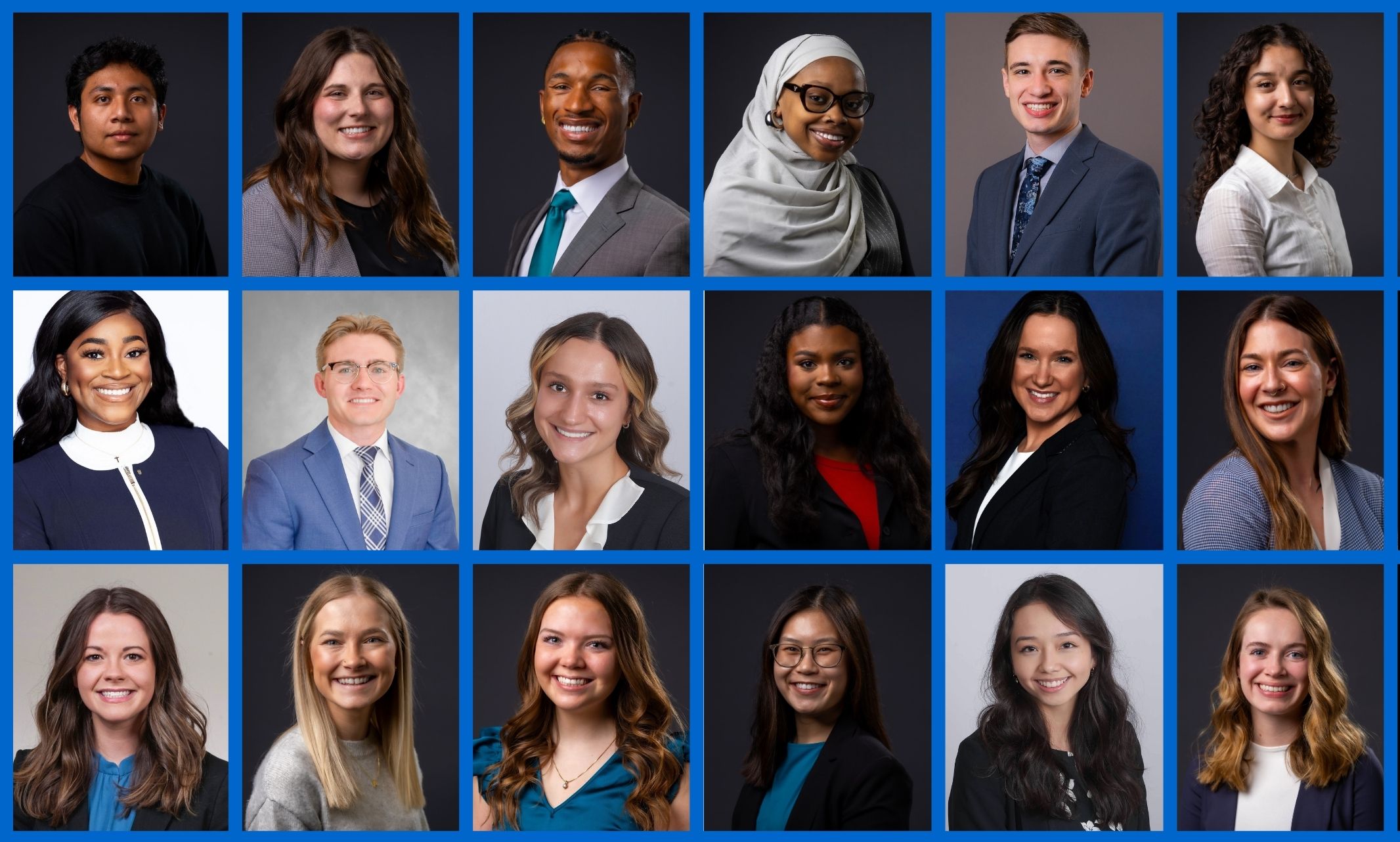
Graduating students are recognized for their outstanding academics, leadership and service
Eighteen UMKC students have been named Dean of Students Honor Recipients in recognition of their accomplishments on campus and in the community.
Every semester, exceptional graduating students are honored with this designation. These students maintain excellent academic standards while actively participating in university activities and community service outside of the classroom.
The Spring 2024 honorees’ accomplishments include founding multiple medical interest groups, acting as president of the African Student Association, serving a national role in the American Student Dental Association, revitalizing the rooftop gardens at UMKC and more. These students have contributed numerous volunteer hours in the community with organizations such as Operation Breakthrough, Team Smile, Uzazi Village, Harvesters’, Morning Glory, Girls on the Run and Hope House.
Michele D. Smith, Ph.D., vice provost for student affairs and dean of students, expressed her excitement about the students' achievements.
“These students truly represent what it means to be a Roo through their commitment to academics, service and community. We are delighted to acknowledge their numerous achievements and are eager to see the great futures they have ahead of them.”
Students shared reflections on their time at UMKC at a breakfast celebration in their honor. Some excerpts:
Alyssa O’Brien: “I am a non-traditional student, and I never had the “college experience.” When I came to UMKC to pursue my graduate degree, I really wanted to find my sense of community. Getting involved on and off campus with different organizations has been incredibly impactful for my professional and personal development. My proudest accomplishment was taking a summer internship with the Federal Public Defenders Office of Western Missouri in the Capital Habeus Unit. Although challenging, this was some of the proudest work I have done in my life.”
Chandler Hill: “More than just a place of learning, UMKC has been a catalyst for growth and transformation. From undergrad to dental school, there have been many dedicated faculty and like-minded peers who have played an important role in my experiences and accomplishments. UMKC has encouraged me to think critically, embrace diversity and strive for excellence in all endeavors. My proudest accomplishment at UMKC is not just the grades or accolades, but the relationships I've formed and the impact I've been able to make. My involvement in the UMKC Chapter of the American Student Dental Association (ASDA) helped to develop my passion for advocating for others and leaving a lasting positive impact on both the campus community and beyond.”
Elaine Nikolov: “When I began the six-year B.A./M.D. program, I had no idea the plethora of opportunities that this school would offer me. My fourth year in the program, I began to work every Saturday morning in a clinic serving the homeless and under/uninsured of Kansas City. There, I formed life-long bonds with my fellow students and future colleagues as we worked to provide adequate care to a patient population that has historically been marginalized in medicine. More importantly, the patients I have met and been graced to care for have taught me skills and techniques that no textbook could ever teach. I was taught what true understanding, compassion and patience meant and how I could better provide not only medical care but also humanity to those in need.”
Congratulations to the Spring 2024 Dean of Students Honor Recipients!
Kennison Adams, School of Medicine
Chynna Burton, School of Medicine
Victoria Cegielski, School of Medicine
Allison Eppenauer, School of Pharmacy
Tiana Ford, School of Science and Engineering
Mary Gipson, School of Science and Engineering
Dylan Hailey, School of Medicine
Ashley Hanners, School of Nursing and Health Studies
Chandler Hill, School of Dentistry
Hannah Leyva, School of Humanities and Social Sciences
Davis McCallister, School of Dentistry
Elaine Nikolov, School of Medicine
Alyssa O’Brien, School of Education, Social Work and Psychological Sciences
Dumebi Okocha, School of Medicine
Maryam Oyebamiji, School of Science and Engineering
Rhiannen Schneider, School of Law
Andrew Thompkins, School of Dentistry
Harry Vasquez, School of Science and Engineering
May 10, 2024
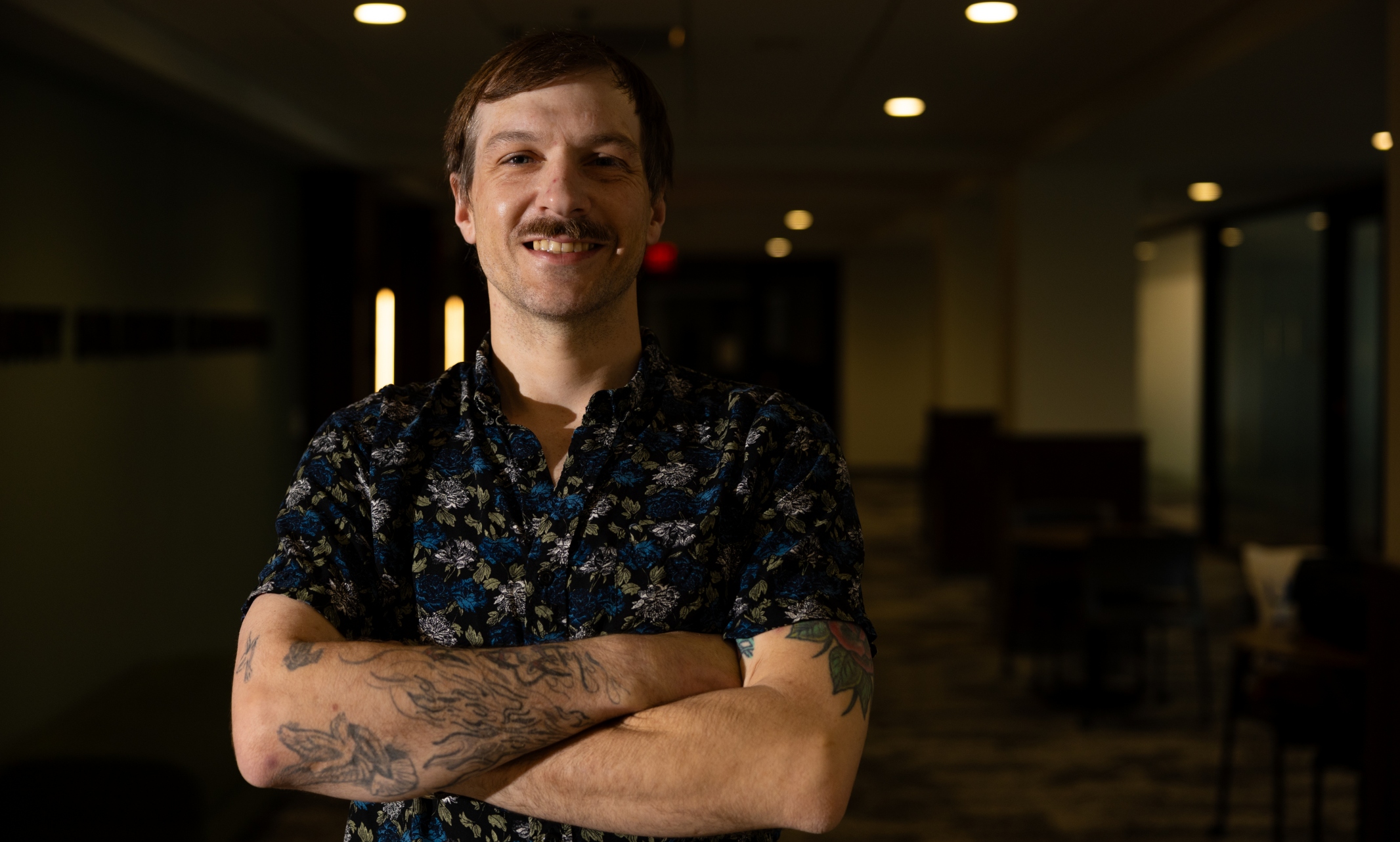
Cody Truitt has just one regret; not knowing about the program sooner
Imagine not paying a dime for your senior year of college.
That’s the case for Cody Truitt, a senior in accounting who took advantage of the Amazon Career Choice Program at the University of Missouri-Kansas City, which offers tuition assistance to Amazon employees.
Truitt had started his undergraduate degree a couple of times through the years, but each time, life had gotten in the way. During COVID, he resolved to finish it and enrolled at UMKC because of its convenience, value and ease of transferring.
“It just fit perfectly,” Truitt said.
He knew he would do whatever it took to complete his degree, whether it meant working overnights or overtime to pay for school. He got a job at Amazon to earn extra money, where he soon learned about the career choice program.
“Amazon rocks because they paid for the entirety of my senior year,” Truitt said. “I only wish I had discovered this as a freshman.”
At first, Truitt admitted he was skeptical it may be too good to be true, but to his surprise, the process was simple.
“I figured there were going to be some hoops to jump through, that it wouldn't really work, there'd be some fine print somewhere,” Truitt said. “The moment that I noticed that it worked out, when I checked my UMKC account for what I owed for the semester and I saw $0, I was extremely elated.”
Thanks to Amazon paying his senior year, Truitt was able to take advantage of several opportunities that he may not otherwise have had time for. He did internships at Creative Planning and Bergan KDV.
The extra time didn’t just help Truitt, he was also able to give back through the Volunteer Income Tax Assistance Program, where accounting students provide income tax assistance to the community.
Cody Truitt (top row, left) with fellow VITA volunteers
“It was really great experience because there’s just all sorts of different people from the community,” Truitt said. “We are dealing with people who are disabled, people that are just really, really nervous about their taxes and they come in so shaken up about it and they're able to leave with a smile and, sometimes, a couple dollars coming to them.”
For Truitt, being able to take advantage of these opportunities and persevere was especially meaningful.
“I had a lot of times when I was really struggling in school and I really was barely making it some semesters and just putting in the effort and doing my best and getting through it,” Truitt said. “I realized a lot of the time, I'd end up with better grades than I thought… and every time that happened, I realized I was more capable than I had thought I was before.”
He has some advice for students who may be experiencing challenges in school or in life.
“Take a step back and deep breath and realize that as long as you don't give up, you will get there,” he said.
Truitt is starting a new job soon. The May 2024 graduate has a job lined up as a staff accountant with Allen, Gibbs & Houlik, a certified public accounting firm in Overland Park, KS.
“I'm looking forward to walking across the stage,” Truitt said. “I've worked really hard to get to where I'm at. I know I've improved a lot over the last few years, just as a person, as a student and a professional, so I'm excited to see what the future holds.”
After graduation, Truitt plans to take a few more courses to sit for the CPA exam, then return to school to get a Master of Business Administration degree.
Learn more about Amazon Career Choice Program
May 08, 2024

21st-century discovery to mitigate destruction
It was 3:03 a.m., February 4, 1976. While Guatemala’s citizens slept, the country’s massive Motagua Fault ruptured. In 39 seconds, the resulting 7.5 magnitude earthquake had devastated this Central American nation.
Nearly five decades later, a research team from University of Missouri-Kansas City, in collaboration with U.S. and Guatemalan partners, is investigating the country’s extensive geohazards, including the Motagua Fault.
An International Investigation
The Guatemala GeoHazards International Research Experiences for Students was launched in early January 2023. A long-term vision of director Tina Niemi, this three-year program gained funding in late 2022 from the National Science Foundation.
“Understanding the seismic potential of Guatemala’s active fault systems and volcanic history are key goals of the program,” said Niemi, Ph.D., professor of geology and a Curators’ Distinguished Teaching Professor. “This year, we investigated the earthquake history of the Motagua Fault.”
The 2023 Guatemala Geohazards field team included 10 U.S. and Guatemalan students, three faculty mentors from UMKC and the University of Missouri, two Guatemalan faculty and one industry mentor.
During this inaugural International Research Experiences for Students program, the group conducted research across several disciplines of geoscience, including volcanology, paleoseismology, surficial processes and geospatial data science. Together, the cohort completed three and a half weeks of field research in Guatemala, followed by a break for preliminary analysis and sample processing. In May, the group reconvened for two weeks of lab work and data analyses at at UMKC and virtually.
“Through this program, students receive an authentic research experience that includes mentorship by faculty from the U.S. and our partner universities in Guatemala,” Niemi said. “They not only increase their scientific inquiry and research skills but practice international collaboration.”
The International Research Experiences for Students faculty are all specialists in geology fields, including the study of Guatemala’s geohazards. With guidance from their mentors, the students collaborate in the scientific process. They develop questions, collect, analyze and interpret data and then present that data.
They also navigate the challenges of international field research.
“These are not controlled experiences,” Niemi said. “There are many uncertainties, such as access permission, weather conditions and malfunctioning equipment, to name a few. Field research requires flexibility and adaptation to the conditions — all valuable life skills.”
Aleigha Dollens (B.S. ’24) participated in the inaugural geohazards program to gain field experience that augments her classwork.
“I worked closely with mentors and learned hands-on how to do research,” said Dollens, whose own research focuses on geophysical imaging of the subsurface of the Motagua Fault.
“I was in a small research group where I asked questions and received feedback from the program’s professors. I’m now more confident in my ability to practice research and in myself as a person.”
Guatemala’s Geohazard Vulnerability
Ranked fourth globally for geohazard disaster risk, Guatemala is continuously exposed to multiple hazards, including earthquakes, volcanic eruptions, landslides, floods and storms. These geohazards threaten countless lives, environmental stability and economic infrastructure.
The 1976 Motagua earthquake, one of innumerable Guatemalan natural disasters, resulted in 23,000 deaths and 74,000 injuries. One million people were displaced — nearly one-fifth of Guatemala’s population at the time. Thousands of aftershocks exacerbated the destruction and resulted in economic damages estimated at 17.9% of the country’s gross domestic product.
These geohazards do not always occur independently, and interactions between hazards often trigger multiple secondary hazards. In recent years, new geohazards have emerged in Guatemala, while existing hazards have intensified.
Omar Beltetón, Ph.D., a professor and researcher at the Higher Studies Center for Energy and Mines and an engineering faculty member at the University of San Carlos, believes information and insight from the UMKC collaboration and investigation will contribute to Guatemala’s development of strategic geohazard resilience.
“Subsidence and sinkholes have formed in streets or highways and caused the collapse of storm drainage pipes,” said Beltetón, an International Research Experiences for Students faculty member from Guatemala. “These are consequences of climate change and urban flooding because of inadequate infrastructure design. Road collapse and landslides in mountainous areas are the result of deforestation and the consequent erosion."
“This research is significant because of our country’s geographic and tectonic setting. The Guatemalan people haven’t been able to escape the suffering from geohazards, including loss of life, infrastructure damage and economic loss. We must try to understand the phenomena to avoid these losses.”
Exploring With 21st-Century Technology
The Guatemala GeoHazards program uniquely utilizes both traditional geologic field mapping and cutting-edge technology, such as LiDAR (Light Detection and Ranging) drone imaging.
Small but mighty, LiDAR drones are valuable research partners.
“The basic approaches for investigating geohazards have been established for some time, but a significant limitation has been observational capability,” said Francisco Gomez, Ph.D., geological sciences professor at the University of Missouri and the UMKC program’s surficial processes research team mentor. “New technologies provide us with unprecedented views of the earth to push our investigation further.”
“As recently as 25–30 years years ago, earthquake investigations and landslide mapping primarily involved traditional terrestrial surveying. Though accurate, these methods are time-consuming and expensive. Today, unmanned aerial systems provide higher resolution information at a much lower cost. Also, drone images allow us to see subtle tectonic features not otherwise easily visible. It’s a game-changer we could only dream about previously.”
These advancements yield significant, beneficial data about geohazards.
“Some of the most exciting results come from interpretation of the LiDAR data we acquired across the 1976 earthquake rupture trace,” said Niemi, who is a Quaternary geologist specializing in geoarchaeology, sedimentology and active tectonics. “We identified features revealing accumulative offset that can be used to determine the fault’s slip rate. Slip rate is a critical parameter in seismic hazard assessment.”
Mitigation Insights and Strategies
The potential for this research is far-reaching — and sharing the results with other scientists and organizations in Guatemala is a vital component of the work.
“While our number one goal is to educate the next generation in geohazard research, the data we collect have profound significance in defining the occurrence or repeat time of earthquakes and volcanic eruptions,” Niemi said. “Key parameters for seismic and volcanic hazards collected through the program are essential to government preparedness plans and mitigation strategies.
“For example, our volcanology research team began mapping pyroclastic flow deposits from the Chocoyos volcano that occurred 75,000 years ago. This research is the first step to help better constrain future volcanic hazards.”
In Guatemala, the program’s research is in collaboration with the University of San Carlos de Guatemala’s Center for Higher Studies of Energy and Mines and the Centro Universitario del Norte’s Department of Geology. Information from the program can be incorporated in the National Seismic Design Code, which specifies structural safety standards and guidelines for reinforcing existing works.
Results will also be shared with the Guatemalan Association of Structural and Seismic Engineering, the National Coordinator for Disaster Reduction and the Institute of Seismology, Volcanology, Meteorology and Hydrology — the primary governmental institution that monitors geological hazards.
“Our collaboration with UMKC helps us to understand geohazard phenomena in a way that action can be taken to help minimize their impact and help ensure that losses and damage are minimal,” Beltetón said. “The investigation establishes possible danger zones for geohazard threats and the feasibility of building on specific sites. The research also guides the preparation of hazard maps and is a tool for territorial ordering, a mode of land-use planning with an emphasis on conservation.”
Looking to the Future
At the conclusion of the International Research Experiences for Students Program, student participants wrote a scientific abstract and presented their findings at the UMKC’s Guatemala GeoHazards poster symposium. Some will also present their research at this year’s annual meetings of the Association of Environmental and Engineering Geologists (AEG) and the Geological Society of America.
Dollens is one of the students who will present at the AEG conference.
“This program has inspired me to get my master's degree at UMKC and kickstarted my research skills and career as a professional. I’ll always be grateful for the opportunity to work on this project and for the relationships I built with the team,” said Dollens, recipient of a 2023 Summer Undergraduate Research Opportunity award.
She was also awarded the prestigious 2023 Richard Hay Award from the Geological Society of America for her research on evidence of earthquakes at the Quirigua archaeological site in Guatemala. A full circle moment, Niemi was the first recipient of this award 34 years earlier.
These collaborative connections made today and for the future are integral to Niemi’s vision for the program.
“Research is the exploration of the unknown,” Niemi said. “The shared experience of students and mentors exploring geology in the field provides a unique setting that emphasizes inquiry and builds confidence. In this rich learning environment, students observe mentors from different countries discussing geology and modeling the fundamental first step in research — asking questions.
“We’re dedicated to educating the next generation of scientists, diversifying the workforce and promoting societally relevant research that can be translated into solutions.”
May 07, 2024
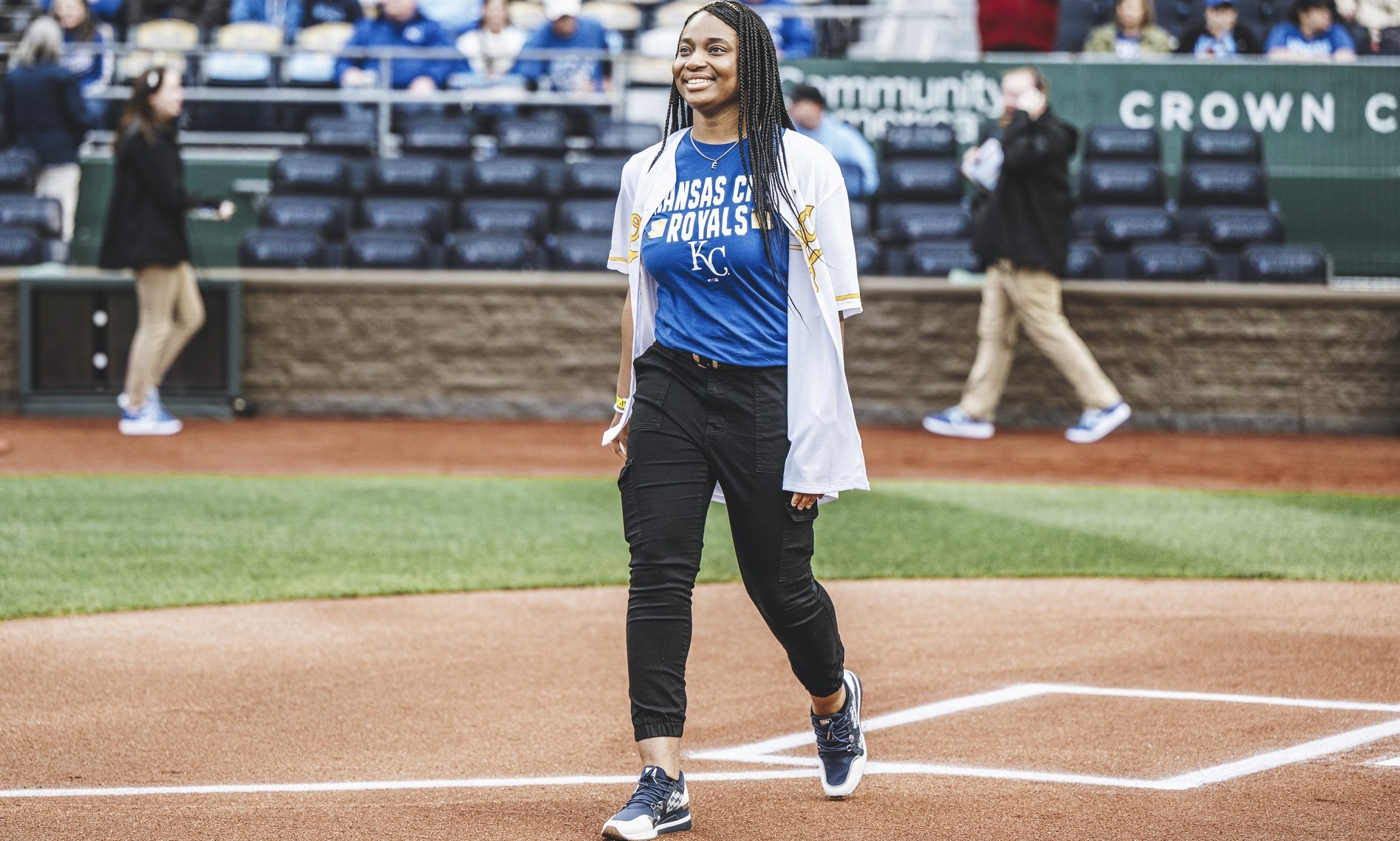
The six-year B.A./M.D. student is jumpstarting her career through the Royals and MLB
Emmanuella Alawode, Dallas native and fourth-year student in the B.A./M.D program is a Jackie Robinson Scholar. Through this program, Alawode not only gets to participate in career-readiness opportunities, but also receives support from the Kansas City Royals Foundation. The Royals are a UMKC partner. An extra special perk of the program? She got to throw out the first pitch at UMKC Night at The K last month.
Why did you choose UMKC?
I knew I wanted to become a doctor, so I talked to a lot of my mentors and people who also went through the accelerated B.A./M.D. program that saves two years off of the traditional undergraduate and medical-school path. That just reassured me that UMKC was an excellent choice. I really liked the six-year program knowing that I can get a jumpstart with my career. And it is not too far from home.
Why did you choose your field of study?
Growing up, I just really enjoyed science, anatomy dissections, experiments and research. My experience at UT Southwestern in a high school camp was pivotal for me and exposed me to clinical research. I shadowed a breast surgeon and became interested in women’s health. Something else that has shaped my interest in health disparities has been volunteering with my church and helping in their health clinic.
What are the challenges and benefits of the program?
There are a lot of learning curves along the way. Because you are going straight into med school after high school and are also juggling it with doing your undergraduate degrees. A key challenge was learning how I like to study now, and finding the best way to retain the volume of information.
The benefits are that we get early clinical exposure. You get to learn how to interview patients or just medical terminology in your first year. After your second year, you get white coated and get assigned a docent, and that is your docent for your remaining four years. You also get a senior partner, and they are there to guide you along the way. They can help answer questions and help you hone some of your clinical skills.
How has your college program inspired you?
It has gotten me interested in health-care policy advocacy. I’m also interested in how we can better shape medical education and make sure we are honing on helping students to master what they need to know for clinical practice, but also making sure that their mental and physical health does not deteriorate.
Are you a first-generation college student?
Yes. It means that I can hopefully inspire younger people who may not have had medical exposure or don't know what the journey and rigor of medical school. I didn’t know the demands of medical school before. But now, it means I can be a mentor for others and someone that others can look up to, and I love that.
Who do you admire most at UMKC ?
My docent, Dr. Gary Salzman, is my favorite person at UMKC. I like the way that he interacts with patients. Every time we come into the room, the patients are like “‘there’s my favorite doctor!”’ He is always looking out for the best interests of the patients.
Do you have other scholarships in addition to the Jackie Robinson Scholarhip?
Another one that I have received is the UNCF STEM scholarship. Both the Jackie Robinson scholarship and the UNCF STEM scholarship hope to encourage students who are African American or another minority to pursue higher education. I am incredibly grateful for both of those scholarships.
Do you have any standout moments of the Jackie Robinson Scholarship experience?
I would say the love and the foundation have been the standout parts of my experience. When I was applying, I knew they have mentorship and support, but I did not expect the level of support I have since received. One alumni (of the Jackie Robinson scholarship program) purchased MacBooks for most of us, which is nice. Another memorable experience is the first pitch (at the Royals game) that I threw!
What other extracurricular activities are you involved in at UMKC?
Last year, I was the social chair for the student National Medical Association. I am the communications and social media manager for the Association of Women Surgeons. I have been an ambassador with the admissions office and am a member of the Surgical Interest Group. I am also a part of the American Medical Women’s Association and Her Campus as a writer.
What do you hope to take from your experiences at UMKC into your professional career?
I’ve been stretched in many ways that I never thought I could be stretched. The key is learning that you must always think outside of the box. Especially, as a future surgeon, I may not be able to approach a particular procedure the same way I do for another person. Also being flexible. Learning how to manage time wisely. The spirit of perseverance.
Emmanuella was also featured in local news coverage here.
May 02, 2024
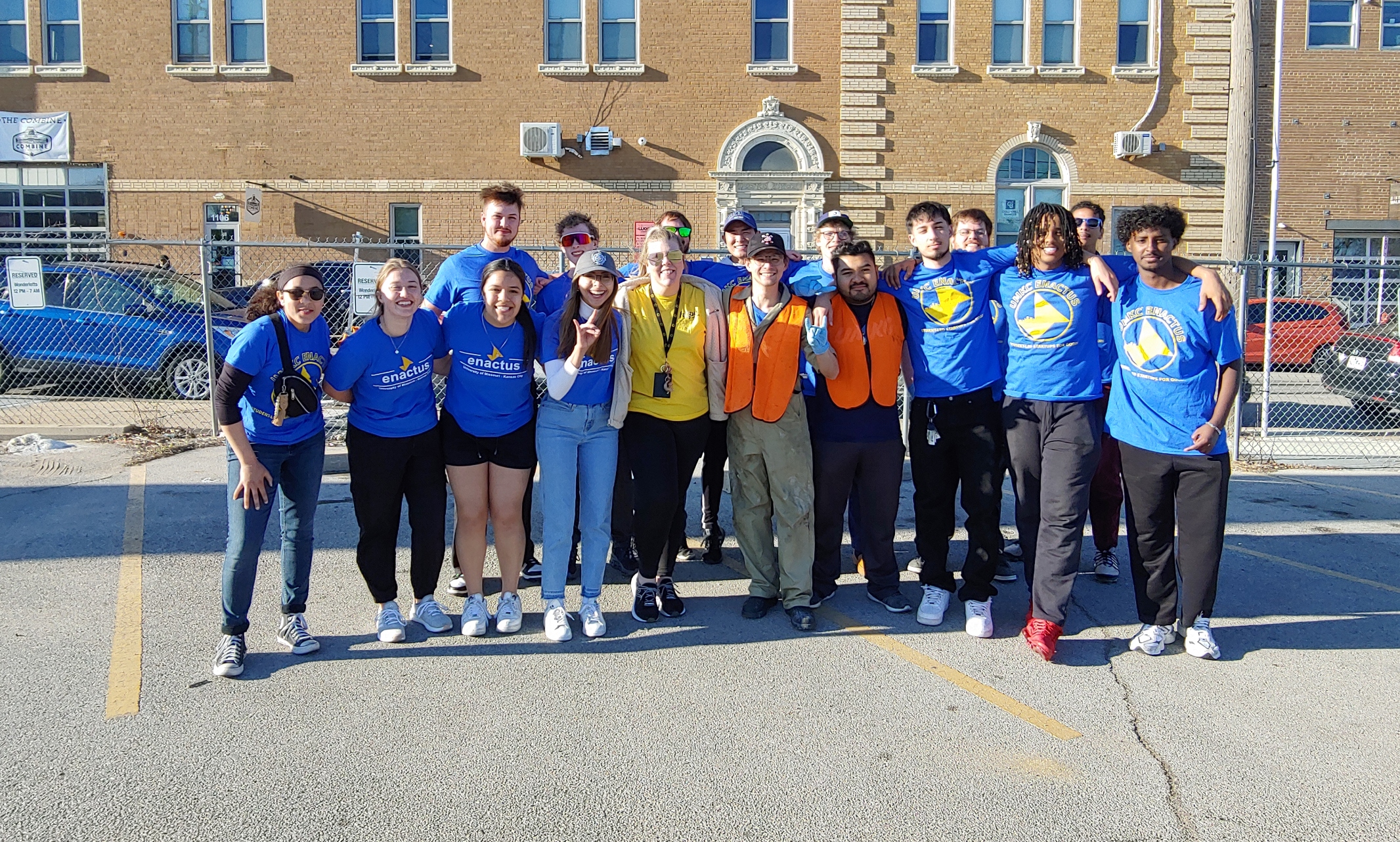
Students participating in Enactus partnered with Operation Breakthrough to keep Kansas City families on the road
Reliable transportation can be a domino that holds a family’s opportunities together. It can be the difference between someone getting to work, holding a job and being able to access much-needed resources. With their latest project, Stay Driven, UMKC Enactus sought to help families in need, while making Kansas City their classroom.
During summer 2023, students had the opportunity to visit Operation Breakthrough, a nationally accredited not-for-profit in Kansas City that offers childcare, education and wrap-around services for families in need. While there, staff explained the need for families to have reliable transportation and the difference having it can make on their lives.
“Using public transportation to get to a job can take upwards of 90 minutes each way for working parents,” said Mary Esselman, president and CEO at Operation Breakthrough. “Having reliable transportation allows people to get to those jobs that also have things like benefits and paid time off.”
Ga Ji Wang, a Bloch student with seven years of automotive experience in the Kansas City area, recognized the need to solve this problem. Wang came up with the idea to offer families a car-care clinic.
“Having the working background and skillset that I do, I knew we could find a way to make a difference,” said Wang, a senior studying business administration with an emphasis in entrepreneurship. “Doing something as simple as an oil change can make a big difference in keeping a car on the road.”
The team began work on their Stay Driven project at the start of the spring semester. Together, they worked to recruit volunteer mechanics, manage inventory, plan for the event and coordinate with the staff at Operation Breakthrough. The team also needed to secure funding for their project, which inspired them to turn to UMKC Giving Day.
"Enactus always bootstraps projects through spring fundraising campaigns and the timing was perfect for us to tailor our Giving Day campaign to Stay Driven,” said Imani Lemon, president of UMKC Enactus. “Our theme centered around people donating just $5, which would help cover the cost of oil, a windshield wiper or a light bulb.”
By taking part in Giving Day, the Enactus team was able to raise nearly $1,300, which covered the cost of supplies for Stay Driven. The team was also able to secure donated parts and supplies, as well as help from volunteer mechanics.
On April 5, UMKC Enactus held the Stay Driven event at Operation Breakthrough, helping families receive minor repairs like oil changes, headlight replacement, battery replacement, securing bumpers with zip ties and fluids top offs. In total, they helped 29 families, saving them $3,000 in repair costs.
Sixteen Enactus volunteers participated in the event including Wang, who once again found himself working under the hood. By doing so, he was able to see the difference the team was making first-hand.
“Many of the cars were low on oil and you could already see the damage being caused,” Wang said. “We helped keep multiple cars on the road by simply performing that routine oil change.”
For UMKC Enactus, Stay Driven is anything but a one hit wonder. The team hopes to bring the event back, potentially with help of other Kansas City students taking part in Operation Breakthrough’s Ignition Lab.
“Allowing them to participate in performing minor repairs gives them invaluable experience as they work toward their future,”Esselman said. “Our team and the families who participated in Stay Driven were blown away and we’re excited to continue to support this event and UMKC Enactus.”
May 02, 2024
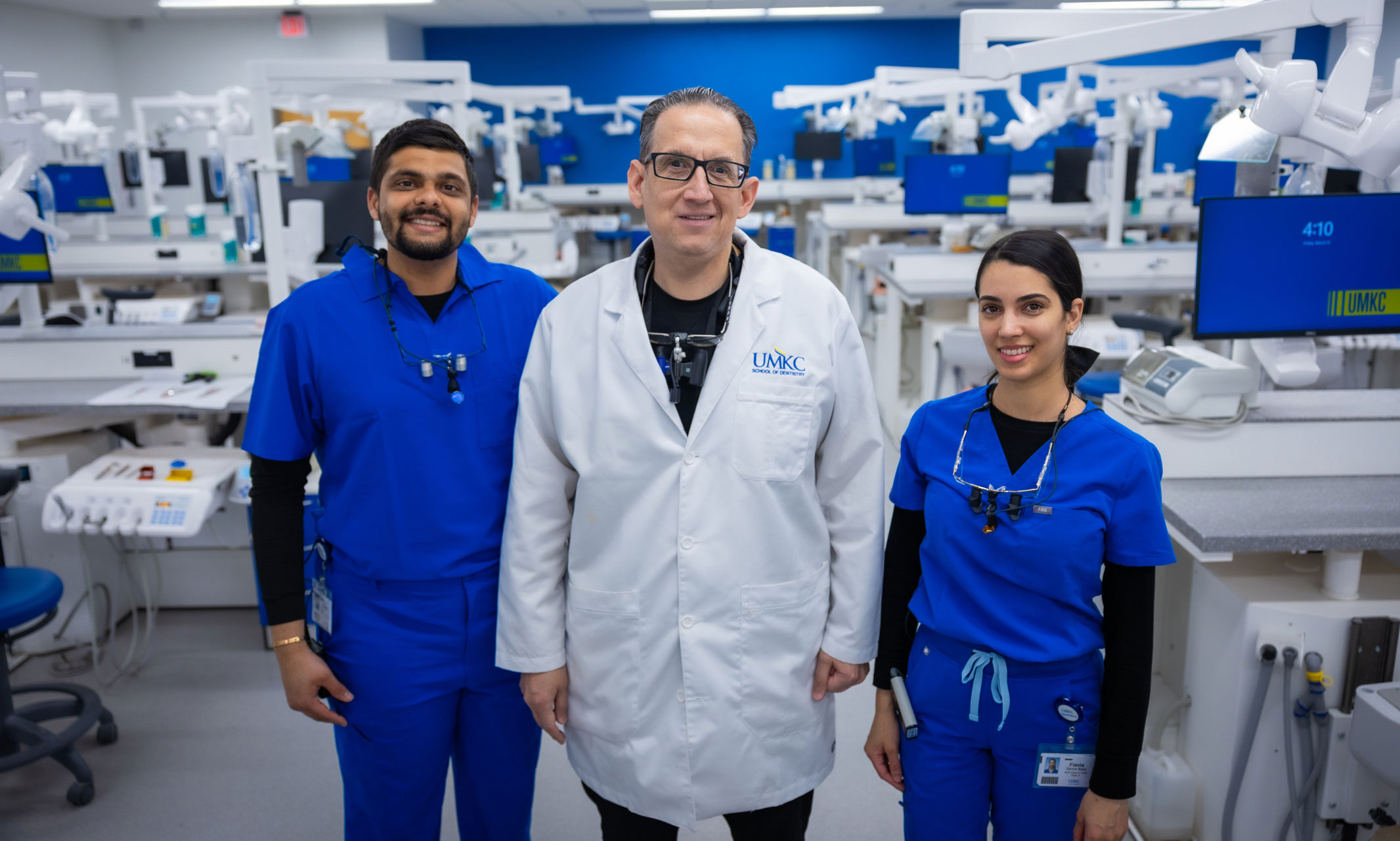
New UMKC program provides path to dental degree in the United States
Nine dentists from as far away as Cuba and India will begin their dream of practicing in the United States at the UMKC School of Dentistry thanks to a new program at the school.
The advanced standing dental education program, launched at the school in January, will enable these practitioners and all those who follow them in the program to work as dentists in the United States. Without programs like this, dentists from other countries face limited options to practice oral health care in the U.S.
“It’s going to be a life-changing opportunity for these students,” said Gustavo Leal, interim director of the advanced standing program. “These students are fighters who have been working hard to achieve this dream.”
The advanced standing students will finish their dental degree in 2 1/2 years, compared to students in the traditional degree program, who attend school for four years. The shorter timeline condenses two years of coursework into six months, and includes labs, lectures, pre-clinic skills training and exposure to different disciplines. According to Leal, students in the program proved in their skill tests and board exams that they had the knowledge base and skills to handle the accelerated timeline.
The students will join the existing third-year students in the fall of 2024, following the same timeline the next two years. The first cohort of nine students began the program in January and are slated to graduate in May 2027.
According to Dean Steven Haas, around 2010, dental schools started to open avenues for internationally trained dentists, enabling them to avoid the burden of going back to school for an additional four years. With 93 such programs in the United States, UMKC is one of many universities offering a similar path to practicing in the United States. The demand for the program speaks for itself. UMKC received 380 applications for the nine spots available in its first class.
For Haas, these practitioners represent a critical influx of oral health care providers who can address the shortage of oral health care providers in Missouri, where 111 counties are considered underserved, according to the Rural Health Information Hub. Haas said that Dekalb County in northwest Missouri has only one dentist for 10,480 people.
“We know that we need dentists in these rural areas,” Haas said. “By opening up our classes to internationally trained dentists, we’re able to get more oral health care providers out there.”
All third- and fourth-year students complete rotations in a variety of settings, including rural dental clinics.Haas said that it’s important that the program diversify the oral health care workforce as well.
“Our population is changing,” Haas said. By 2050 or 2060, our population will look a lot different. I think dentistry should mirror that demographic shift.”
Haas said that current students will benefit from the infusion of this geographically diverse group of students.
For advanced student Flavia Santos Bada, the program will enable her to practice in the U.S. and help support her family, especially her father, who needs specialized medical care.
Originally from Cuba, Bada immigrated to the United States in 2018 after graduating from dental school there. She joined her parents and sister, who had moved to the U.S. for better medical care for Bada’s father, who has amyotrophic lateral sclerosis (ALS).
Family is important to her, and UMKC is a good fit.
“The school’s focus on putting patients first captured my attention,” Bada said. “I want to treat people, not just as my patients, as if they were my family.”
For Hadrik Patel, UMKC’s Midwestern location was critical in his decision to apply to the advanced standing program. Originally from India, he was practicing as a dental assistant in Nebraska. He said he was already comfortable in the Midwest, so when UMKC’s program opened up, he immediately applied.
His first few months in the program have confirmed his excitement for the school.
“What has stood out is how many of the faculty are UMKC alumni,” Patel said. “I think that says a lot about the school. They wanted to come back to UMKC to ensure students achieve the same success they have.”
According to Leal, the program introduces more diversity into the student body, providing them with a much different perspective at a personal level as well as professional level. The advanced practice students have worked in the field and provide expertise to current students.
“I am excited to see their progression and how they incorporate themselves with the other dental students,” Leal said. “It’s a great opportunity for our students to grow while providing an opportunity for these practitioners to achieve their dreams.”
May 01, 2024
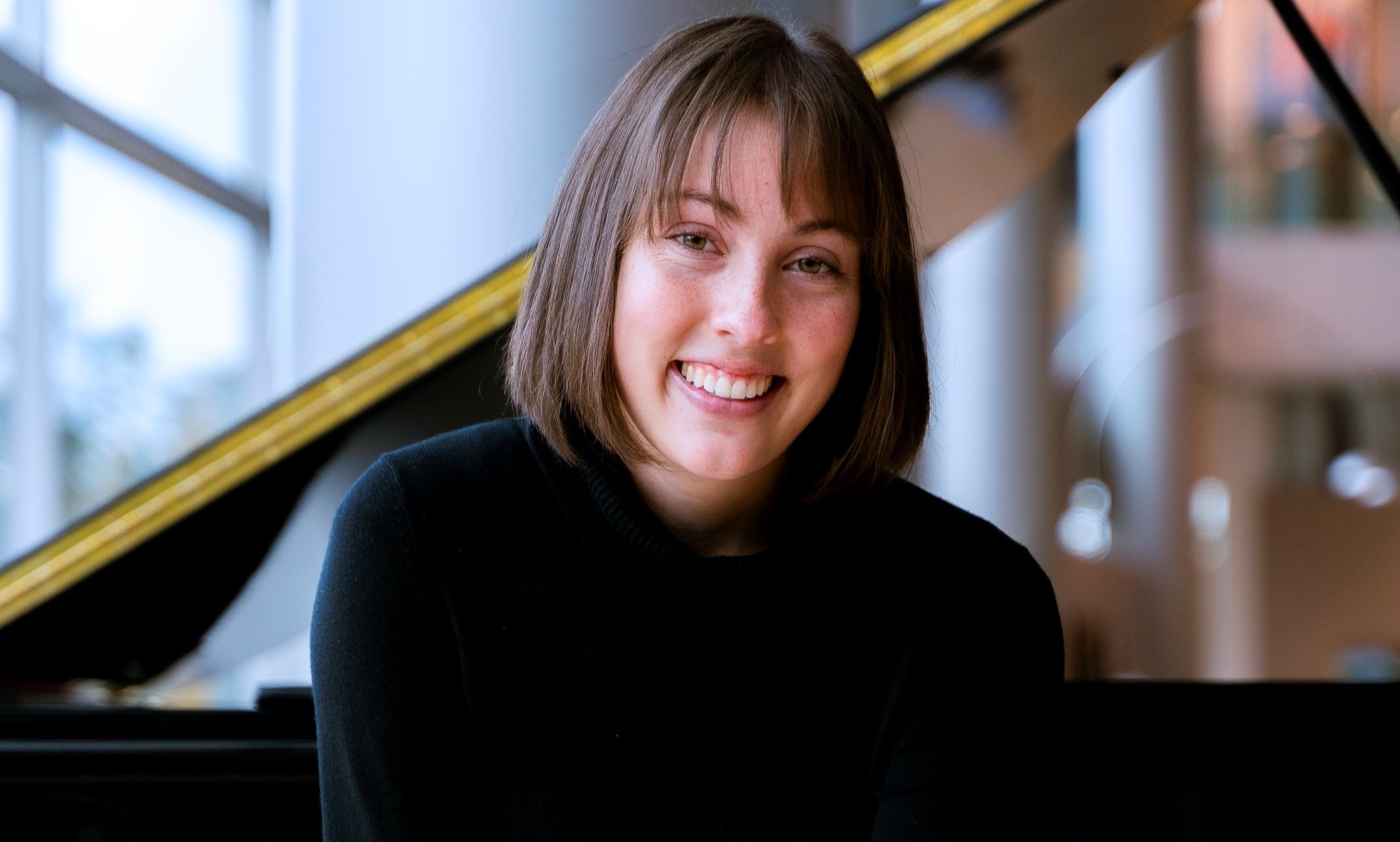
Piano student broadens horizons and creates lasting friendships while living in senior facility
When most college students walk into their residence hall, they are surrounded by other students their age. Beth Christensen is the youngest person in her residence – by about 50 years.
“I’ve always believed that the most important things about people are not the facts about them,” Christensen said. “The people here may be 50 or 60 years older than me, but that’s not essential to who they are as people. I’ve come to appreciate that even more with the relationships that I’ve created here.”
Christensen, a graduate student studying collaborative piano performance at the University of Missouri-Kansas City Conservatory, lives in Claridge Court senior living facility in Prairie Village, 15 minutes away from campus. In exchange for residency, she performs concerts and provides regular live music for the residents. Christensen moved into Claridge Court in July 2023 to spend a year there as the student-in-residence. In doing so, she allowed Claridge Court to deepen their commitment to intergenerational programming, making them the only retirement community in the area to have such a partnership.
“It’s really fun to have a relationship with your audience as a performer,” Christensen said. “In the beginning, I wouldn’t do anything too out of the ordinary – I would bring a vocalist sometimes, or I would play classical music. As I got more comfortable, I would try new things and play more recent music. Sometimes people wouldn’t like it, and they let me know. Others love to see where the future of music is going. It’s fun to be able to ask what kind of music people want to hear and work it into my repertoire.”
Video from KMBC 9
As part of her living arrangement, Christensen is encouraged to immerse herself in the community. From yoga and chair volleyball to eating dinner and visiting with neighbors generations older than her, she’s become a full-fledged resident of Claridge Court.
“I’m just part of the community, and it’s awesome,” Christensen said. “There’s a lot of special connections I’ve made. My friend Pat was an educator, and I’m a piano teacher. She has great ideas about how to help kids who are struggling, and I can always ask her advice. We do puzzles together, take walks and go to dinner. I tell her about shows I’m watching. She’s been a great friend, and she’s just one example. I feel so nurtured by these friendships.”
Christensen’s presence at Claridge Court is the result of a partnership between the senior living facility and UMKC Conservatory. This is one of the many partnerships in the community that Claridge Court has fostered, as part of their commitment to intergenerational programming and giving back in the community.
“Part of what distinguishes the UMKC Conservatory from other nationally recognized institutions is our deeply rooted connection to the Kansas City community,” said Courtney Crappell, dean of the UMKC Conservatory. “This collaboration demonstrates our ability to offer community-centered learning opportunities to our students as we leverage the power of the arts to positively impact lives.”
The partnership is supported by Claridge Court residents Charlie and Mary Kay Horner, who have been deeply involved with the Conservatory. The Horners were part of the process to bring this partnership to life, including choosing Christensen as the student-in-residence.
“We are absolutely thrilled that Beth has become such an integral part of our community,” Mary Kay Horner said. “Witnessing the connections she’s made with the residents is incredibly gratifying.”
As a performer, most of the audiences Christensen plays for are filled with strangers. When she performs at Claridge Court, her audience is full of familiar faces. The unique experience of playing to a room of friends is something she cherishes.
“Knowing my audience so personally is something I’ve never experienced before,” Christensen said. “It makes the music more special; it’s been a really cool experience to play for an audience that feel likes family. They really care about me as a person and a musician.”
Rob Salierno, executive director of Claridge Court, says that the benefits of Christensen’s presence extend far beyond her musical talents.
“This unique partnership enriches the lives of both our residents and Beth, fostering invaluable relationships,” Salierno said. “Her musical gifts, meaningful presence and interactions significantly enhance the quality of life for everyone involved.”
Andrew Granade, associate dean of the Conservatory, has helmed the partnership for the Conservatory. He believes the experience can be uniquely rich for the student-in-residence.
“As a UMKC student, you’re surrounded by a lot of people your age with similar goals and aspirations,” Granade said. “It’s such a rich learning experience to be out of that comfort zone and learn from people with life lessons to share and lived experiences that can expand your horizons in ways unimaginable.”
Christensen hopes her fellow residents at Claridge Court have valued the experience as much as she has.
“Music is such a connecting force. It bridges the divisions that exist between people,” she said. “Having the opportunity to make connections with a community that’s several generations older than me has been so special. These connections don’t make our differences go away, but it helps us really appreciate each other. It’s been such a beautiful experience.”
Beth's story has been publicized by KCTV 5, KMBC 9 and the Johnson County Post.
Apr 29, 2024
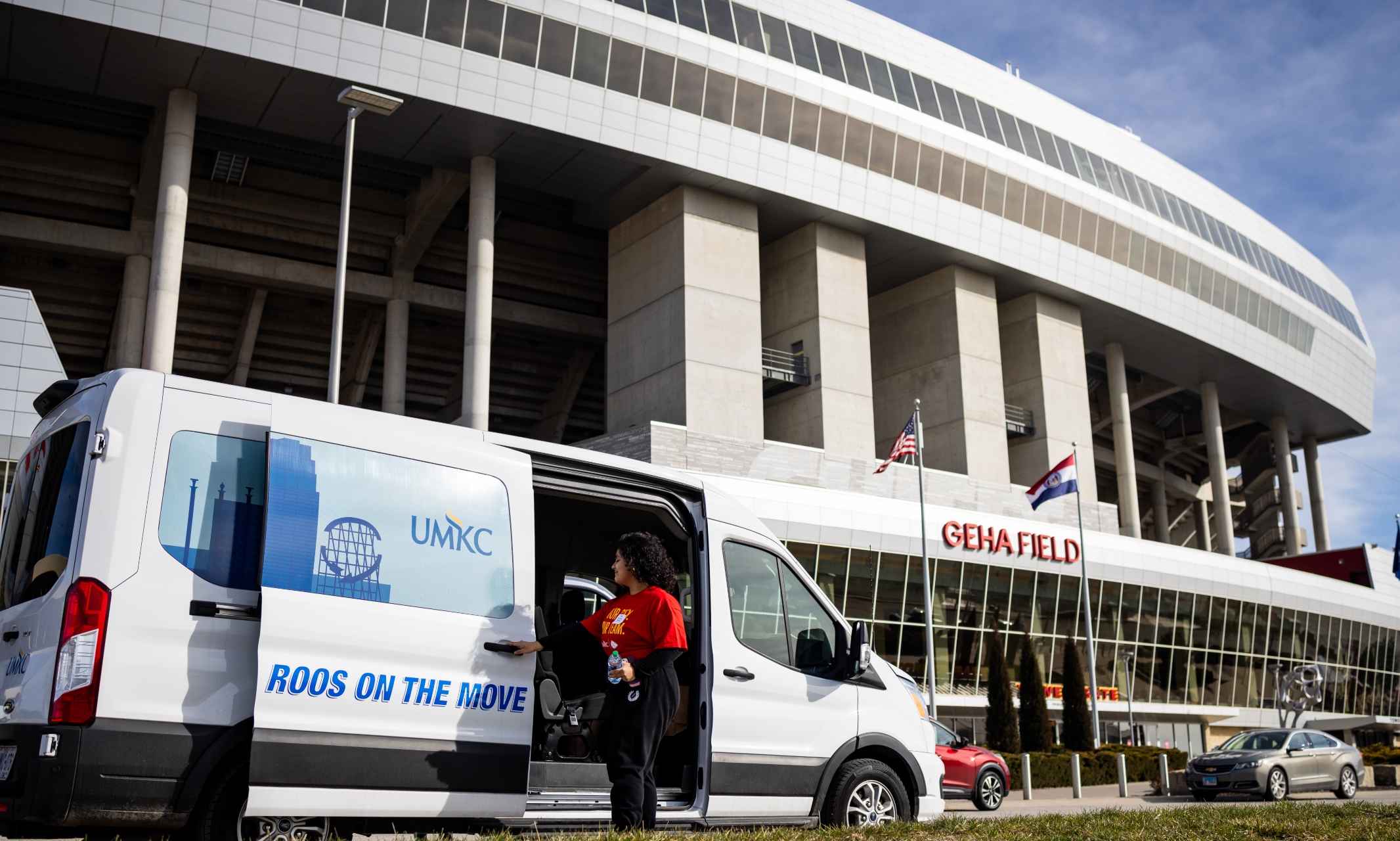
New UMKC partner scholarship focused on community
The University of Missouri-Kansas City has many great partnerships and resources to help its students succeed throughout their college experience and well after graduation.
As part of its five-year partnership with the Kansas City Chiefs, UMKC offers undergraduate students the Chiefs Kingdom Spirit Scholarship. The criteria include having a 2.75 high school GPA or a 2.0 transfer GPA. Applicants must write an essay on how they would give back to the Kansas City area community. This year’s 10 recipients, who will be featured at a Chiefs game in the 2024-25 season, are:
Arlin Carreon, business administration
Qasim Chohdry, six-year B.A./M.D. program
Kelly Fuentes, philosophy
Sumaya Geelle, business administration
Riley Harris, mechanical engineering
Alexia Jaime, biology
Nazish Khan, criminal justice and criminology
Lorenzo Pecina, civil engineering
Adeline-Corina Salomon, pre-nursing track for health sciences
Peter Stern, mechanical engineering
This scholarship means a lot to the students who receive it, including Salomon and Stern who were among this year's scholarship winners.
“This scholarship has made it easier for me to focus on school. I work two jobs to pay for school and at times it has been hard to have my full attention on school but with this scholarship, some of my financial stress has been lifted.” - Adeline-Corina Salomon
Stern is a freshman majoring in mechanical engineering. The scholarship offers an array of benefits, and for him, this scholarship helps him financially.
“I remember the night when I saw that the Chiefs scholarship had been credited to my financial aid account,” Stern said. “I was still in some disbelief that I had been selected for the award but was excited to know that my bill this semester had just been reduced by a significant amount. The Chiefs scholarship gave me the peace of mind that allowed me to focus on my studies.”
Winning this scholarship can encourage recipients to give back to the Kansas City community in ways they might not have been able to prior the scholarship. While grateful for his upbringing, being homeschooled did not bring Stern the academic references, scholarships or honor awards that he might have otherwise received in a public or private school district.
“Having the opportunity to pursue a degree in mechanical engineering at UMKC has been absolutely incredible, empowering me to dream bigger and brighter than I ever imagined,” Stern said. With the Chiefs’ victories and back-to-back Super Bowl wins, receiving the scholarship has made me feel more connected to the sport and even my city.”
Another recipient of the Chiefs Kingdom Spirit Scholarship is Salomon, a sophomore who is in the pre-nursing track for a Bachelor of Health Sciences degree.
“This scholarship has made it easier for me to focus on school,” she said. “I work two jobs to pay for school and at times it has been hard to have my full attention on school but with this scholarship, some of my financial stress has been lifted.”
Salomon has goals to help her hometown community after graduation, and this scholarship has made her dream of becoming a nurse much more possible.
“Having the opportunity to pursue a degree in mechanical engineering at UMKC has been absolutely incredible, empowering me to dream bigger and brighter than I ever imagined. With the Chiefs’ victories and back-to-back Super Bowl wins, receiving the scholarship has made me feel more connected to the sport and even my city.” - Peter Stern
“I’m proud to be from Kansas City and attend UMKC,” Salomon said.
With the Chiefs’ victories, it has made this scholarship that much more special to her and she holds lots of pride for the community and is very grateful for the scholarship and how UMKC and the Chiefs are giving back to the community.
More information on how to apply for the Chiefs Kingdom Spirit Scholarship, can be found on the UMKC Financial Aid and Scholarships website.
Apr 22, 2024
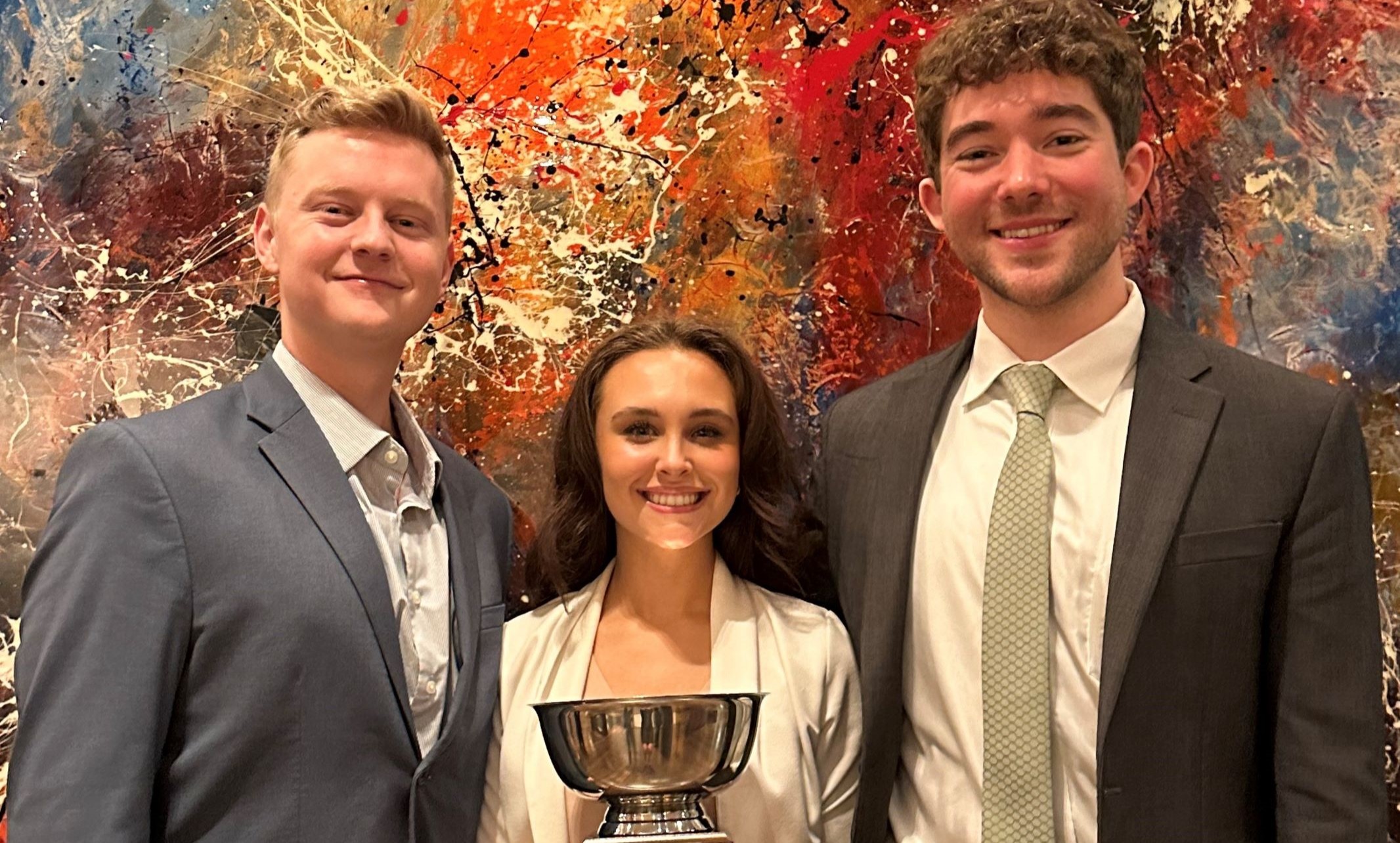
Team named a Top 4 team in the nation, student named best overall advocate
Two UMKC School of Law Trial Teams competed in the 2024 National Trial Competition. The team of Corbin Healy, Maddi Ilseman and Jacob Eisenhauer made it to the semifinals and ended as one of the top four teams in the country.
Corbin Healy was named the George A. Spiegelberg Best Overall Advocate of the competition.
“Being named Best Overall Advocate is an absolute honor,” Healy said. “I am beyond excited to end my Mock Trial career in such an incredible way alongside the best teammates in the country.”
More than 1,000 students from 140 law schools competed in this year’s competition, sponsored by the American College of Trial Lawyers and the Texas Young Lawyers Association. After both UMKC teams scored a perfect 5-0 in the regionals round, UMKC became one of only three law schools in the country to advance two teams to the national rounds in Houston, Tex.
Left to right: Martina Florido, Olivia Bess-Rhodes and Mattie Seley
Healy, Ilseman and Eisenhauer were joined at the national round by their peers on the other UMKC team, Olivia Bess-Rhodes, Martina Florido and Mattie Seley. School of Law professor L. Michaelle Tobin, J.D., coached both teams.
“I am so proud of the exceptional performance of our trial teams at this year’s competition, Tobin said. “Both teams demonstrated remarkable skill and preparation, earning them a well-deserved place among the top 30 teams from across the nation. These accomplishments reflect the high caliber of legal education at UMKC Law and our commitment to nurturing future leaders in the legal field.”
Apr 19, 2024
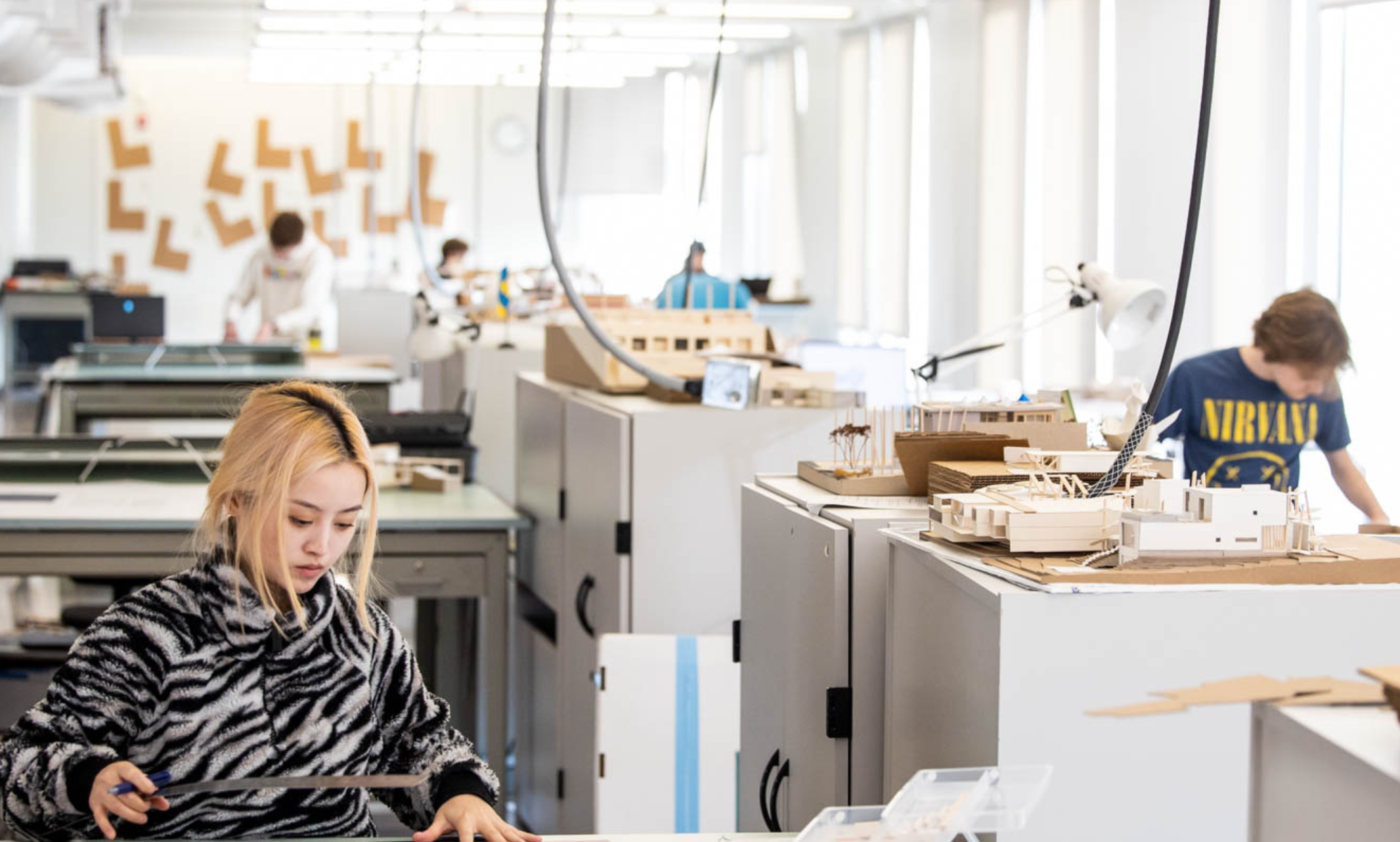
First public university in Missouri to offer a Bachelor of Architecture degree
The University of Missouri-Kansas City will launch a Bachelor of Architecture program this fall.
The UMKC Bachelor of Architecture program will be a five-year undergraduate degree program housed in the School of Science and Engineering. It will include courses, studio work and internships with various architectural firms in Kansas City. As part of their coursework, students will also have access to industry-grade equipment at the UMKC Innovation Studio for rapid prototyping their designs, alongside many Kansas City architectural firms that also use the facility.
This new bachelor’s degree offering joins a current joint architecture program, in which students start coursework at UMKC and transfer to Kansas State University to complete a Master of Architecture. Among the benefits of the new program is that UMKC students will get to complete their full degree in Kansas City, a metropolitan area rich in career opportunities.
“We are excited to provide students the ability to pursue architecture and design in a city that’s known for its local and global architectural projects, allowing our students to have real-world experiences in their educational program,” said Kevin Truman, dean of the UMKC School of Science and Engineering.
The program is the first of its kind in the state of Missouri and has strong industry support. Kansas City architectural firms Focal Design Studio, SLATTERY Design + Architecture (formerly Odimo Architects), Populous, Multistudio, Burns & McDonnell and DRAW Architecture + Urban Design signed letters in support of the program. These prominent firms have worked on major Kansas City developments, such as the Kansas City International Airport, Children’s Mercy Park and Rock Island Bridge. There’s also an international profile from these Kansas City architecture firms, such as Super Bowl, FIFA World Cup and Olympic Games venues.
“It is an honor to have the support of local architectural firms as we launch this program at UMKC,” Truman said.
Dawn Taylor, executive director of the American Institute of Architects in Kansas City, said the benefits of the offering an architecture program in Kansas City are far reaching.
“Expanding the opportunities at UMKC for students to achieve an architecture degree is exciting and positive, as it offers students an affordable and accessible option to earn their degree,” Taylor said. “Our chapter wants to see more students, especially from our region, choose careers in architecture and design to increase the talent pipeline for all of our firms.”
Faculty from the architecture, urban planning and design program are also excited about the new degree offering.
“As a former student of the UMKC architectural studies curriculum, I am happy, proud and honored to be a part of the new UMKC Bachelor of Architecture program,” said Dominic Musso, a UMKC architecture instructor who will teach in the new program. “Kansas City is an international hub of world-class architectural firms, and having a degree program to provide new graduates to that market is a natural fit. Kansas City’s rich historic character and urban environment provides the ideal backdrop for students to become the next generation of our city’s architects.”
Apr 16, 2024
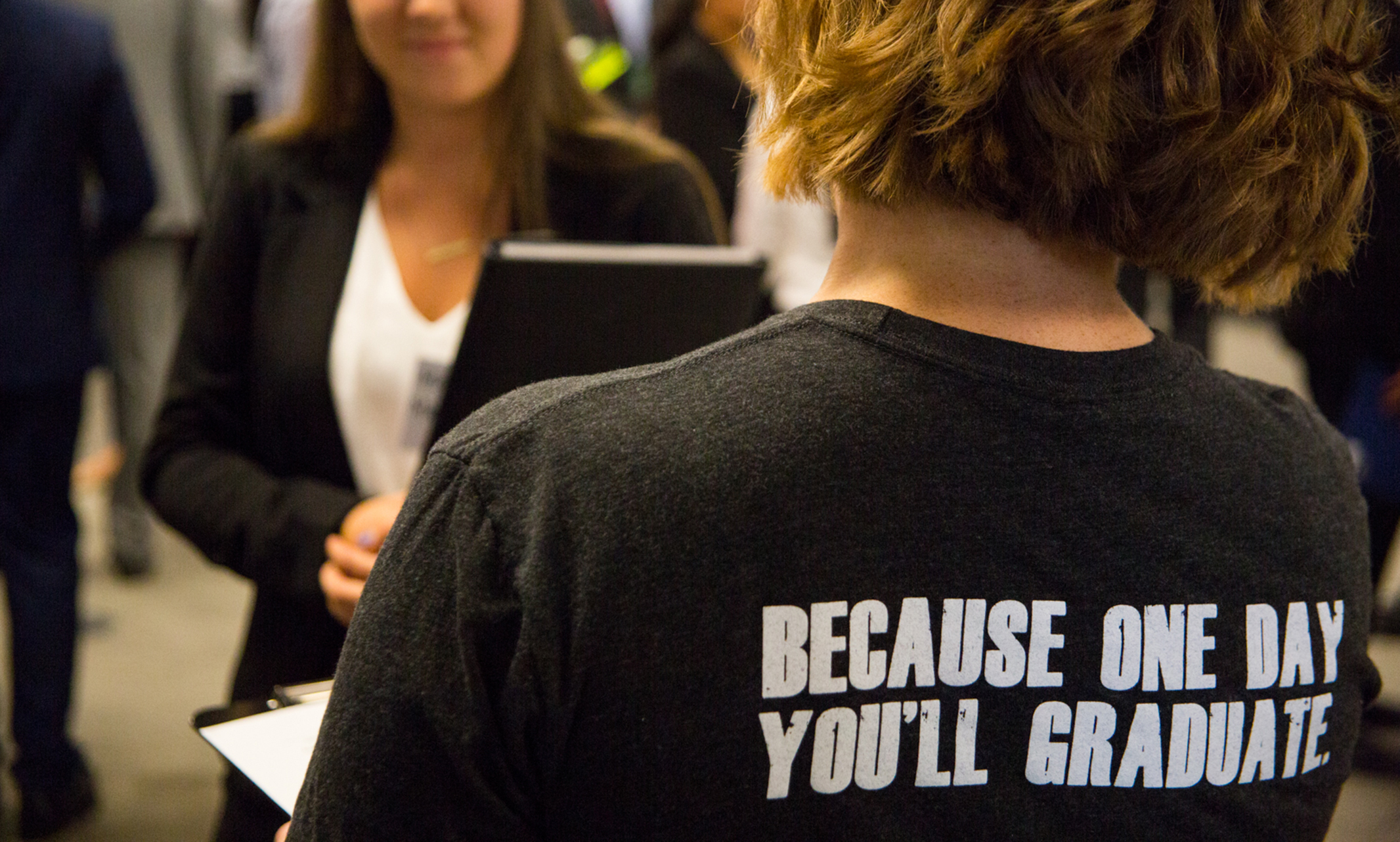
Grant will fund local internships in the humanities to prepare students in their chosen field
The Andrew W. Mellon Foundation awarded UMKC $5 million to fund humanities internships that will support the UMKC School of Humanities and Social Sciences, students and the local community.
Funding from the Mellon Foundation’s Higher Learning Program will formalize and standardize an internship program that places more than 180 students in paid internships for the length of the grant. While internship stipends will be reserved for nonprofit organizations and research teams, small businesses and corporations will be able to participate as hosts by providing 50% or more of the of the student stipend.
The co-principal investigators on the grant are Diane Mutti-Burke, Professor of History and Jeff Rydberg-Cox, of English and Classics. They are both co-directors of the Center for Digital and Public Humanities at UMKC. Tamara Falicov, Ph.D., dean of the School of Humanities and Social Sciences, is also a principal investigator.
Connecting students to internship opportunities is a high-impact practice correlated with increased student persistence, degree completion and post-graduation career success. Research shows students who participate in internships gain personal and professional development, including building interpersonal skills such as teamwork and communication.
“The UMKC School of Humanities and Social Sciences is thrilled to be the recipient of a Mellon Foundation grant to support Internships for undergraduate students in the humanities,” said Falicov. “This grant is coming at a critical time for students who cannot afford to enroll in unpaid internships. Thanks to the Mellon Foundation, students can apply their humanistic training within a community setting while earning a stipend. They will gain valuable skills, explore new career paths and simultaneously contribute to the success of a research project, small business or nonprofit organization in Kansas City and beyond."
The $5 million from the Mellon Foundation includes $4 million in expendable funds over five years and $1 million for endowment to support the program beyond the initial grant period. Interested humanities majors and internship providers may inquire for more information by emailing Jenni Frangos, Ph.D., Mellon internship director at frangosj@umkc.edu, Sandra Enríquez, Ph.D., Mellon internship associate director at enriquezs@umkc.edu or Anabeth Laaker, Mellon internship coordinator at aclaaker@umkc.edu.
Apr 16, 2024
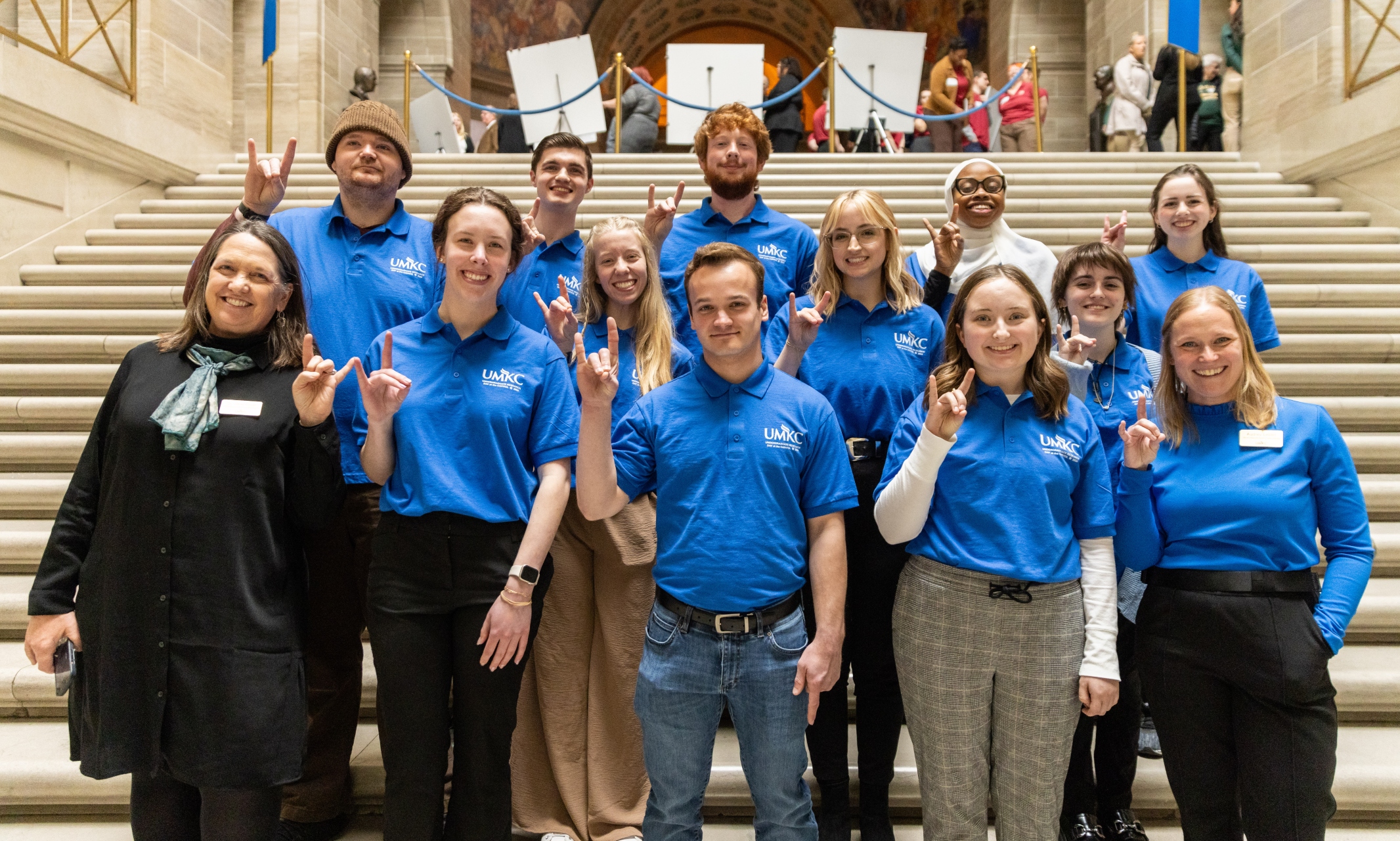
UMKC students presented their research on hearing loss, ACL injuries, music complexities and more
Each year, undergraduate students from all four UM System schools go to Jefferson City, Missouri and present their research in front of elected officials at Undergraduate Research Day at the Capitol. University of Missouri-Kansas City students who presented are from the Conservatory, School of Humanities and Social Sciences, School of Science and Engineering and the School of Nursing and Health Studies
Research: The Urban Heat Island Effect: Creating an Interactive Model.
Sophia Baugher is a junior from Independence majoring in earth and environmental science.
Baugher's investigation of how natural and manmade surfaces impact the Urban Heat Island Effect has led her to develop an interactive model for educational purposes.
The Urban Heat Island Effect is a phenomenon that affects metropolitan centers across the entire world. With the recent trend of rising temperature thanks to climate change comes an increased risk in heat borne illnesses, and even an increased risk of heat-related death.
Baugher’s Urban Heat Island model involved a model city being crafted from 3-D-printed materials, real roofing and asphalt samples and plants and trees that also show the affects that can mitigate this phenomenon. The project also utilizes a FLIR C5 thermal camera that will be used to demonstrate the temperature effects in real-time, as directed by the user.
Research: Foxg1a is required for hair cell development and regeneration in the zebrafish lateral line
Emily Bledsoe is a junior from Overland Park majoring in biology.
In the human inner ear, hearing and balance are mediated by specialized sensory cells, called hair cells. When damaged, these hair cells cannot regrow, resulting in deafness and balance disorders. In the state of Missouri, one in ten Missourians experience hearing loss or deafness, meaning there is a large population who could benefit from research into hair cell biology.
Aquatic animals, including zebrafish, have specialized hair cells used in their lateral line systems to sense water current. These hair cells are very similar to the inner ear hair cells in humans, but unlike human hair cells, these lateral line hair cells can regrow throughout the lifespan of the fish.
Bledsoe is investigating the foxg1a gene, which is important for inner ear development, and determining if it also plays a role in hair cell development and regeneration in the zebrafish.
Research: Circadian Regulation of Spt Ada Gcn5 Acetyltransferase (SAGA) in Drosophila Melanogaster
Chris Ekengren is a senior from Raytown majoring in biology.
Austin Evans is a freshman from Neosho majoring in biology.
Together, Ekengren and Evans are tracing enzymes in the brain to learn how they affect the dynamics of circadian regulation and its related neurodegenerative diseases.
Spinocerebellar ataxia type 7 (SCA7) is a disease which leads to the degeneration of the retina and cerebellum, causing neurodegeneration, blindness and loss of motor skills. Following the ATXN7 gene, to the Ataxin7 protein, to the transcriptional cofactor called SAGA which is critical for gene expression, Atxn7 polyQ may disrupt the balance bound and free non-stop causing dysregulation.
Ekengren and Evans aim to investigate the dynamics of circadian regulation of SAGA and non-stop in the brain and how their dysfunction may lead to disease.
Research: Unveiling Urban Trauma: The Impact of Design on Community Well-Being
Maryam Oyebamiji is a senior from Kansas City majoring in urban planning and design.
Through her research on community development design, Oyebamiji has discovered how trauma-informed design can promote well-being in diverse populations.
Design is a powerful force that shapes the physical and social fabric of our communities. When wielded responsibly, it has the potential to uplift and enrich the lives of individuals, fostering a sense of belonging and well-being.
Design negligence, a term gaining prominence in contemporary discourse, encapsulates the unintended consequences of ill-informed or negligent design decisions. In the context of community development, design negligence not only fails to address the unique needs and aspirations of diverse populations but can also actively enforce trauma, perpetuating cycles of inequality and marginalization.
Research: Exploring the Molecular Links Between Circadian Rhythm and Neurodegeneration
Sydney Rogers is a sophomore from Blue Springs majoring in health sciences.
Anna Shaw is a sophomore from Independence majoring in biology.
Together, Rogers and Shaw are studying sleep patterns in fruit flies and investigating how loss of sleep affects proteins in the brain. Researching these effects can help us understand the health problems related to sleep deprivation.
Sleep quality is important for every dimension of mental and physical health, and numerous analyses show a correlation with sleep loss and disease. The circadian rhythm is a 24-hour internal biological clock that bodily proteins rely on to determine their level of activity throughout the day. Disruption of this internal cycle causes circadian dysfunction which can be correlated with the onset of a wide spectrum of neurodegenerative diseases such as Alzheimer’s and Parkinson’s.
Rogers and Shaw’s research identifies sleep patterns using behavioral to investigate how loss of sleep disrupts ubiquitination patterns. SAGA is a protein complex that harbors the deubiquitinating enzyme Non-stop. Non-stop is shown to participate in the regulation of the circadian rhythm and could be a key factor in understanding the effects of sleep disruption.
Research: Physical Activity, Sleep, and Demographic Patterns in Urban Missouri Youth: A Quasi-Experimental Study
Olivia Sours is a senior from Independence majoring in nursing.
With data collected from accelerometers worn by adolescent youth, Sours is looking for correlations between physical activity levels and sleep patterns. In her research, Sours utilizes Garmin VivoFit4 health tracking wrist-worn devices to monitor sleep time and daily step counts in her primary focus group of adolescents in Kansas City Public School systems.
Connections between sleep and physical activity are vital components of growth and development, especially in adolescence. Lack of adequate sleep and sleep quality has been known to affect mood, school performance, as well as health in general.
Middle school students in urban areas also face complexities that may cause increased complications in sleep and physical activity, calling for a comprehensive intervention approach that allows students to engage in physical activity safely and learn about how to take care of themselves with productive strategies.
Research: The Humorous Disability Rhetoric of Jess Thom
Emily Stauffer is a senior from Kansas City majoring in English.
Stauffer's rhetorical analysis of comedian Jess Thom aims to show how humor can educate and promote understanding of disabilities. Thom was diagnosed with Tourette’s Syndrome in her early 20s, and now in her 40s, is working to break down barriers for people with disabilities.
Tourette’s Syndrome is a neurological condition that causes tics, which are sudden movements or sounds a person makes and cannot control. Tourette’s is extremely common, yet still a highly stigmatized condition.
Stauffer’s work focuses on Thom’s use of humor to educate her audiences on her disability and promote understanding.
Research: Characterizing Lava Flow Behavior Using Digital Models of Small Tubes from Flows at Askja, Iceland
Mya Thomas is a junior from Columbia majoring in earth and environmental science.
The low-cost photogrammetry technique that Mya Thomas developed to create digital models of small lava tubes from flows at Askja Volcano in Iceland has wide applications, from modeling caves in Missouri to modeling geographic features on the moon.
Caves are a large part of Missouri’s natural heritage and the state’s tourism. Creating digital models of geologic features using this photogrammetry technique increases accessibility and enables detailed study of their characteristics.
Research: A Perfect Tuning System?
Brady Wolff is a senior from Lake Winnebago majoring in music composition and music theory.
Wolff has developed a new visual aid to represent the complexities of musical pieces composed with a "just intonation" tuning system. This tool not only provides theoretical insight into modern compositions, but also has implications for music education.
Research on just intonation explores the practical applications of pure harmonic ratios in composed music, fostering innovative harmonic possibilities. Current research delves into the tuning systems utilized by specific composers but lacks a comprehensive overview for individual compositions.
To address this gap, Wolff developed a visual aid capable of displaying the tuning center, harmonic reach, and harmonic complexity of numerous compositions composed with just intonation. Inspired by the lattice structures employed by Ben Johnston, Wolff’s visual aid provides insight to other notable composers, including Catherine Lamb and Sean Archibald (Sevish).
Research: The Growth Plate and Its Role in Youth ACL Injuries
Isaac Woodward is a junior from Riverside majoring in mechanical engineering.
The anterior cruciate ligament, or ACL, is a ligament in the knee joint that is commonly injured during athletic activities. ACL injuries often have long recovery times and can cause lifelong knee problems. Using computer modeling, Isaac Woodward's research seeks to understand the role that the adolescent growth plate plays in ACL injuries.
Recent research has shown that, from the ages of 14-18 in particular, female athletes are much more likely to suffer an ACL injury than male athletes. One possible cause of this trend is the adolescent growth plate: a soft, cartilage-like segment in an adolescent’s leg bones that allows the adolescent leg to grow until it reaches maturity, at which point the growth plate hardens into bone. Due to the softer, springier properties of the growth plate, some have hypothesized that the growth plate may act as a shock absorber for the knee.
Because the female growth plate hardens into bone several years earlier than in males, such a shock absorbing effect of the growth plate may explain this strange spike in teenage female ACL injuries.
To investigate the role of the growth plate in ACL injury, Woodward used computer modeling software to create two software models of the same knee joint: one with a growth plate and one without. Tests were then run on these two models to investigate the impact of the growth plate on ACL stress. The test results indicate that the growth plate does have a shock absorbing effect on the ACL in certain modes of knee loading, thus offering a potential explanation for this strange trend in adolescent ACL injuries.
Apr 15, 2024
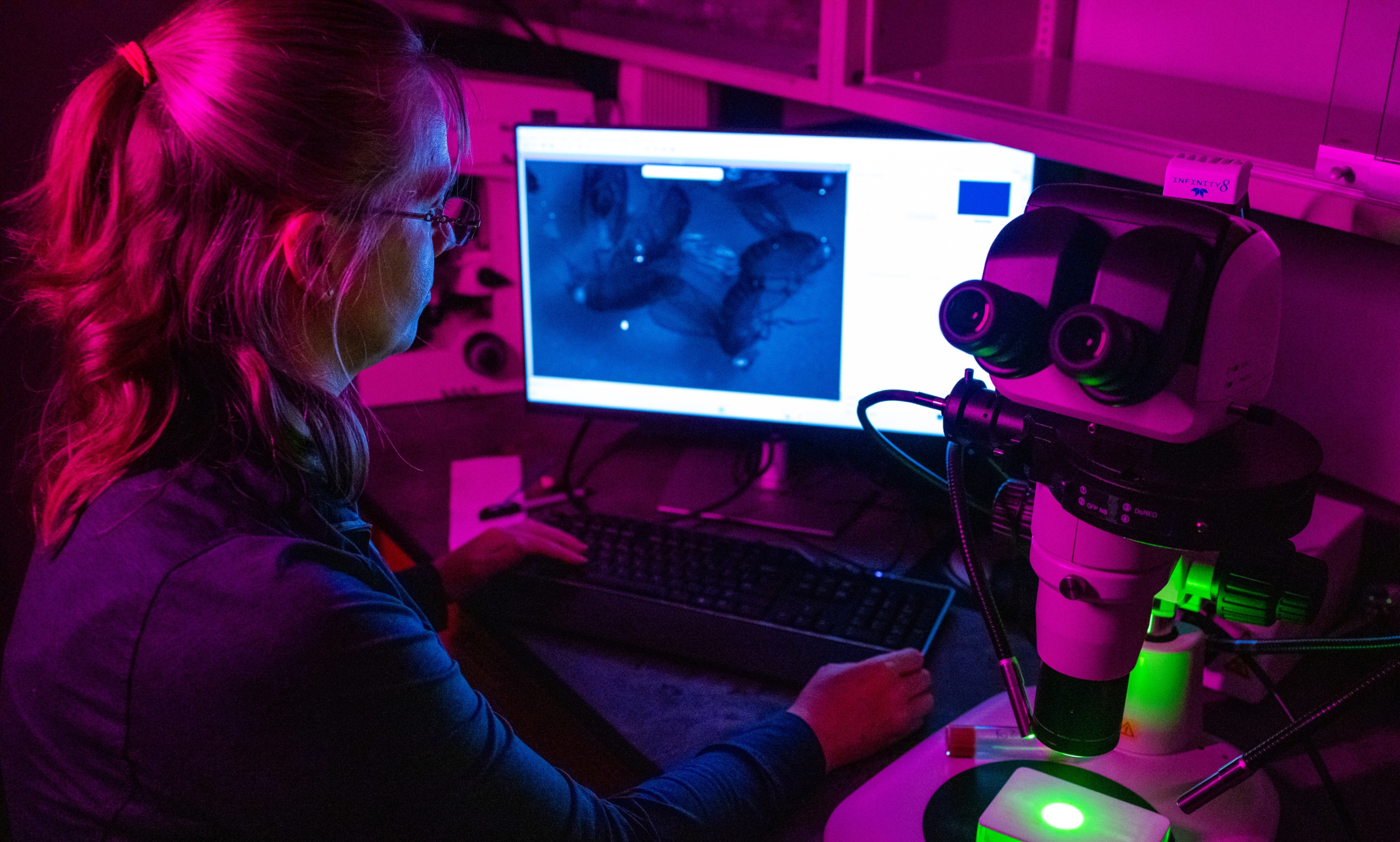
Investigating fruit flies to learn about the progression of myotonic dystrophy
Talk about significant research. UMKC Assistant Professor Maria Spletter’s biology lab is investigating the breakdown of proteins in the body that lead to chronic conditions such as cancer and heart disease. She has lasered in on myotonic dystrophy — or loss of muscle function.
Myotonic dystrophy is among the most common rare diseases, estimated to affect 1 in 2,100 births. The muscle disease also causes accelerated aging as the regulation of ribonucleic acid — present in all living cells and also called “RNA” — changes and alters muscle control, growth and contraction.
Spletter selected a model that is insignificant in size but significant in efficiency: the fruit fly Drosophila.
Why Drosophila?
“Drosophila are a very powerful genetic model,” Spletter said. “This means that there are a lot of tools available in the fly that enable us to do experiments that are not possible in mice or rats or humans. Plus, Drosophila grow quickly from an egg to adult fly in 10 days, so you can follow each step during development in a matter of weeks instead of years.”
Another benefit of using Drosophila is the muscles it has are highly conserved, meaning the proteins that build muscles, how muscles contract and the structure and organization of muscles are the same in flies as they are in humans. In fact, models of human disease in flies reveal the same mechanism and same muscle type. These flies, therefore, provide a useful model to understand the basic mechanisms and defects in the muscle that result from a disease-causing mutation, so that further studies in human cells can be targeted.
This means the team can look at the developmental mechanisms that lead to loss or damage to muscle fibers during a time point that is impossible to study in detail with mammals. By tracking the initial stages of muscle fiber during development, they can tell exactly which steps in the assembly process are defective. Studies in mice or rats typically do not have this level of resolution and have not focused in detail on how the structure of the muscle is disrupted.
Testing With High-Powered Tools
“We test muscle function to measure how well flies can fly, jump, climb, flip themselves over after falling on their back and how quickly they are able to clean themselves after being dusted with a fluorescent powder,” Spletter said. “All of these give us insight into live flies on their behavior when it comes to how well their muscles work.”
To investigate the function of these RNA-binding proteins on the cellular level, the lab labels the tip of the muscle with a fluorescent marker and watches the muscle move using a microscope. They then quantify the movement by measuring how often the muscles contract, how much they move when they contract and the dynamics of the contraction. This is where contraction is usually impaired and irregular in mutant flies.
The researchers then use a high-powered microscope that utilizes lasers to image samples to look at muscles that are stained and label different components. Unlike a traditional microscope, the laser allows us to image single planes that are 1 micron or less thick (a fruit fly is about 1 millimeter thick, and there are 1,000 microns in 1 millimeter). An indirect flight muscle cell is around 100 microns thick, so at least 100 pictures of different planes in the muscle can be taken to see all the structures inside it.
With the lab’s microscope having four different lasers, four different components of the cell can be viewed at the same time to see where they are located relative to each other. With the mutants in particular, the team can observe how their localization has changed. This allows comparison between mutant and control flies to see how the structure is different in the mutants on a cellular structural level.
The team then takes tissue samples from control and mutant flies to molecular and biochemical testing to find out what genetically changed in the mutant muscles, subsequently linking molecular defects to changes in cellular structure as well as muscle function.
This is usually when mRNA-Seq, a combination of a biochemistry and bioinformatics approach, takes place. The mRNA (coding blueprints that are turned into proteins in the cell) from the fruit fly is isolated and the lab sequences every single gene and gene variant expressed in the muscle cell. Typically, there are around 6,000 to 8,000 genes expressed at any time, and if you look across development, around 10,000 genes change expression. The data is usually viewed for individual genes, individual splice events within one gene, or globally at all the changes in gene expression and splicing. The various levels of data obtained allow the lab to understand on a systems level what has changed in the mutant muscle cell in comparison to the control, and on an individual gene level to identify targets that might explain specific pieces of the phenotype we see.
Spletter’s lab also conducts mass spectrometry, an analytical tool useful for measuring the mass-to-charge ratio of one or more molecules present in a sample, to isolate the proteins from muscle cells and determine the identity of most of the proteins present in the muscle. Around 4,000 proteins are typically detected, but more sensitive machines can see up to 6,000 proteins. This analytical method provides information on which proteins change in our mutant muscles and allows the comparison of the protein changes in the RNA from the mRNA-Seq data and to find out exactly how changes in RNA regulation lead to defects in muscle fibers and structure.
The Discoveries
Recent research findings from Spletter’s lab, which were published on bioRxiv, revealed how the characteristics in mutant muscle are a domino effect. The small things that go wrong at each step in the muscle development lead and further heighten the effect on the muscle. This leads to greater disruption on the muscle, compared to when Bruno1 mutant is added to the later part of muscle development.
From the same research findings, Spletter’s lab discovered the potential possibility of testing gene therapy strategies in the flies that are currently in development for possible use in human patients.
Although gene replacement therapy can “normalize” patterns of splicing, patients only have a partial improvement of symptoms. This means that gene therapy usually improves quality of life, and will likely extend life expectancy, but is not a cure.
Spletter’s lab was able to gain insight into why exactly this is the case.
“Because the structure of the muscle has defects in the core mechanical structure that allows it to move, just fixing the splicing pattern is not sufficient to fix those defects,” Spletter said. “This suggests that we need better detection methods to find patients before they seek medical help, as the earlier a gene therapy can be administered, the better chance these patients are going to have of maintaining muscle function.”
Apr 11, 2024
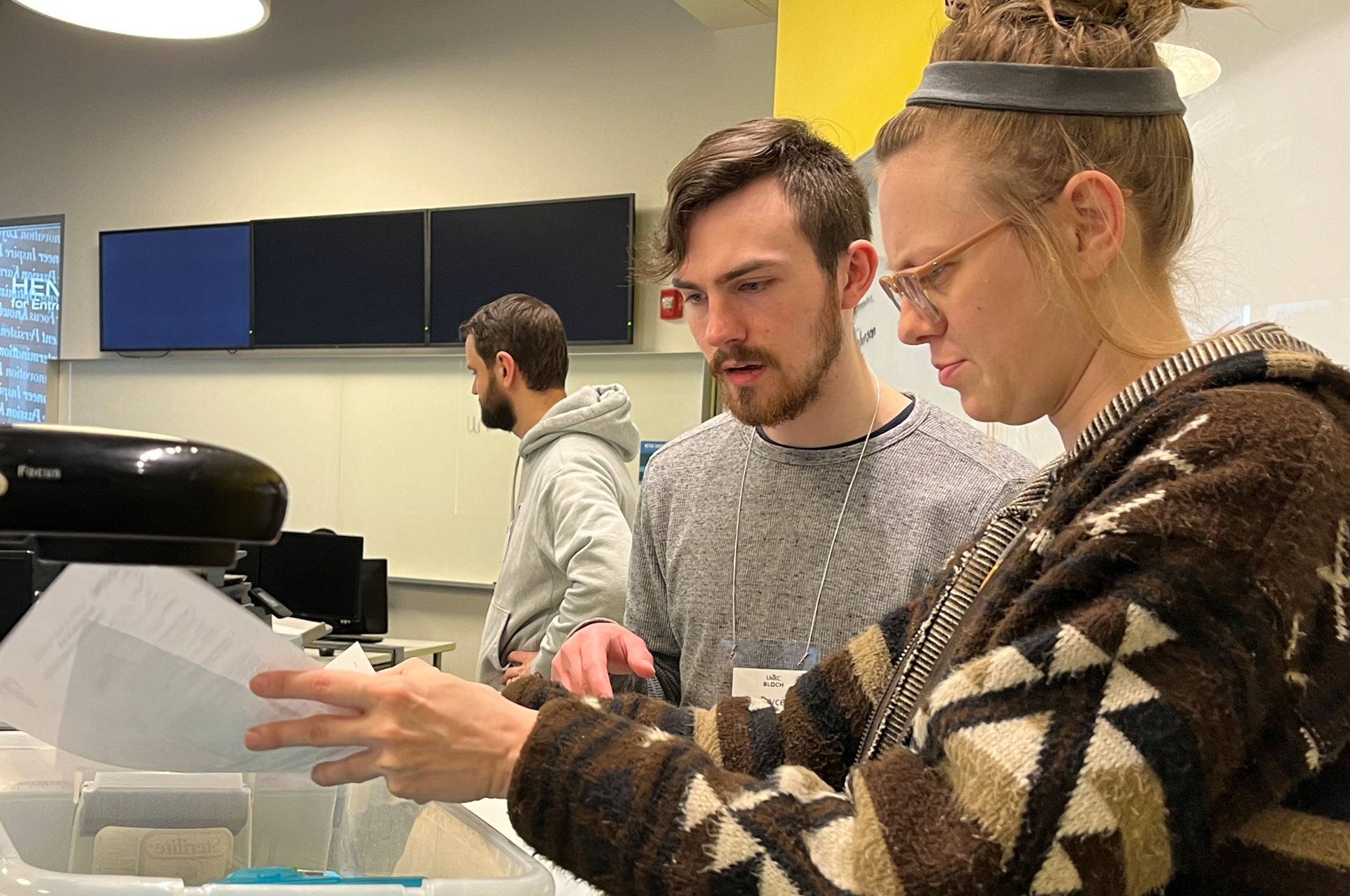
Bloch students serve the Kansas City Community at Voluntary Income Tax Assistance clinic
For more than five years, the University of Missouri-Kansas City has served the community through the federal Volunteer Income Tax Assistance program which helps individuals with low-to-moderate income, people with disabilities, the elderly and those who speak limited English file their taxes.
The VITA program was founded in 1971, and currently has more than 3,200 sites around the United States. The UMKC location is one of 11 sites in the Kansas City Metro Tax Coalition, managed by MU Extension. This tax season for the first time, Henry W. Bloch School of Management students have been able to earn college credit for helping people at the UMKC VITA site.
“This ensures all volunteers meet an advanced level of proficiency and ensures that there are a consistent number of volunteers at the site for the duration of tax season,” said Kimberly Luken, assistant teaching professor of accounting at Bloch.
The VITA Tax Program offers hands-on experience, something Bloch accounting student Bryce Hort has used to his benefit. Hort has had the opportunity to serve as the VITA site coordinator in Tulsa, Oklahoma and Kansas City over the past few years. He calls the experience fulfilling.
“There's something so gratifying about being able to see the fruits of your labor nearly instantaneously in the form of the tax refund numbers that appear when preparing a return,” Hort said. “You truly feel like you're making a difference in that moment, which motivates you to continue.”
Hort has also been able to get real-world experience while participating in this program and walk away with skills that will help him after graduation.
“I've had the opportunity to be involved in the processing of hundreds of tax returns, all before I even graduate with an accounting degree,” Hort said. “Not only is this an excellent resume builder, it's also an excellent confidence builder. Once I enter the workforce with my degree, I will already have a distinct advantage in terms of confidence and familiarity with tax law and the tax preparation process.”
There are 18 students taking the course for credit this year as well as 20 community volunteers. Luken said the program offers many benefits to students including peer-to-peer mentorship.
“As a professor, what I find most impressive is the welcoming environment the students create, their professionalism, their commitment to make sure they do it right, their willingness to learn and above all, the respect they show our taxpayers,” Luken said. “These students work directly with the taxpayers. This requires an incredible amount of patience, compassion and effective communications skills.”
Last year, the UMKC site prepared about 180 federal returns. The goal for them this year was to double that number, something they easily achieved, completing over 400 federal returns totaling more than $427,000. The team has also completed nearly 500 state returns, totaling more than $138,000.
Luken’s goals for the UMKC VITA program include growing the number of students taking the course, maintaining a ratio of 50/50 student volunteers and community members.
“I want our clients to know they can count on UMKC to be here for them.” Luken said.
If you are interested in volunteering at UMKC or another site, email Luken at kimberly.luken@umkc.edu or complete the Kansas City Metro Tax Coalition volunteer application.
Apr 09, 2024
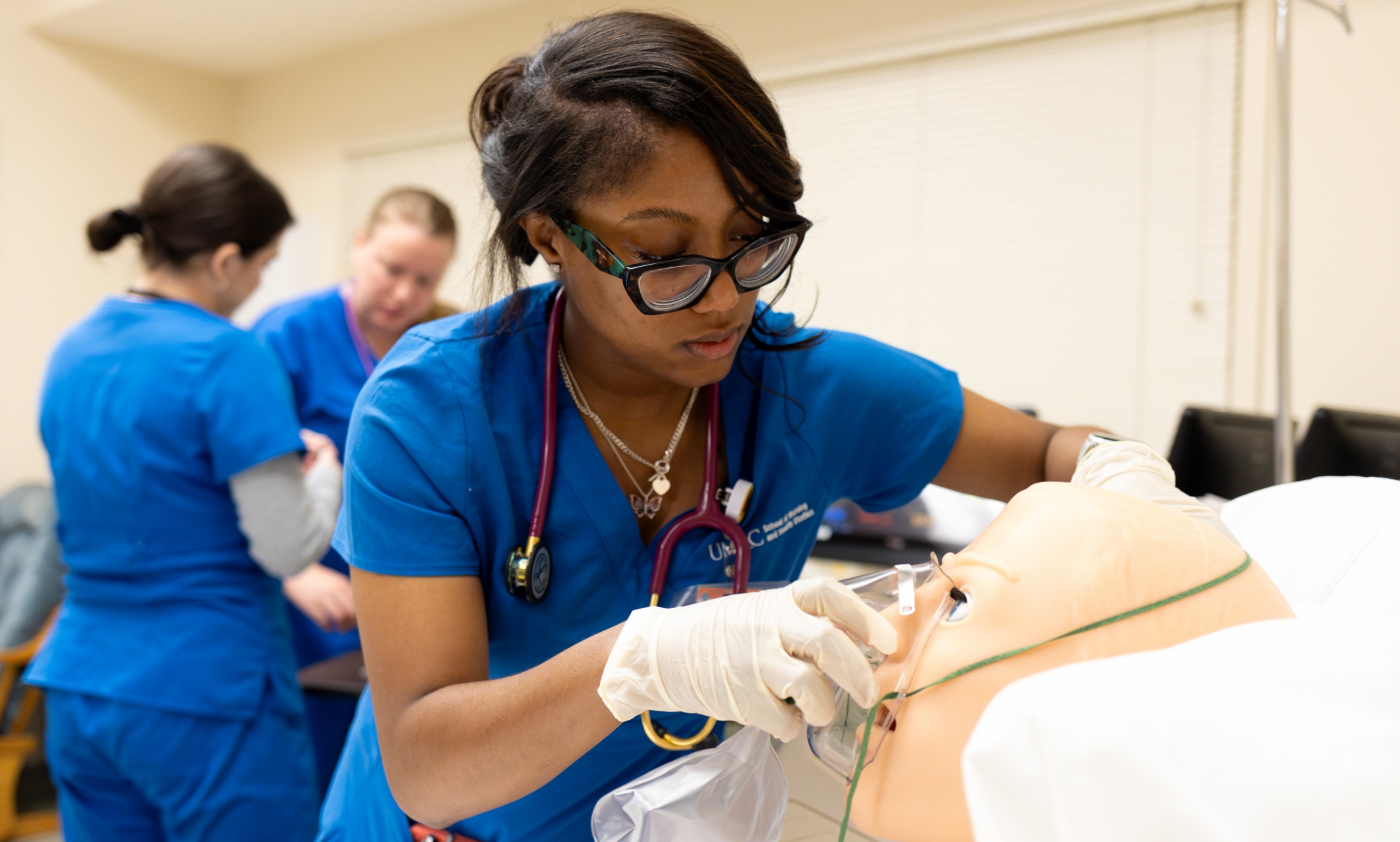
Programs are Doctor of Nursing Practice, Doctor of Pharmacy and legal writing
Three UMKC graduate school programs were ranked among the top 40 in the nation in the rankings released today by U.S. News & World Report, with 10 programs ranked in the top 100.
The Doctor of Nursing Practice program in the School of Nursing and Health Studies was ranked 19th in the nation, out of a total of 156 ranked schools. The program ranked 49th in the nation last year.Rankings for other Doctor of Nursing Practice programs in the region included University of Missouri (34th), University of Arkansas for Medical Sciences (45th) and Saint Louis University (97th ).“Our Doctor of Nursing Practice program has been well-respected nationally and highly ranked for decades due to the work of our faculty, staff and especially our students,” said School of Nursing Dean Joy Roberts J.D., M.S.N., APRN-BC. “We take pride in our programs, and our graduates offer high-quality care and education to the people of Kansas City and across Missouri, as well as people across the United States.” The Doctor of Pharmacy program in the UMKC School of Pharmacy ranked 31st in the country.“We very much appreciate this great recognition for all the hard work and successes that our students, staff and faculty produce and achieve every year,” said Dean Russell Melchert, Ph.D., R.P.h. “This is an opportunity for all in the nation, and particularly future students here in Missouri and the greater Kansas City area, to see what great opportunities lie ahead for those who would like to join our Roo pharmacy family.”The UMKC Schools of Pharmacy and Nursing and Health Studies are located in the UMKC Health Sciences District, a walkable campus where all UMKC health profession schools are located alongside a dozen health-care institutions. The location allows for interdisciplinary work among health professions and nearby clinical and research opportunities. Each year, UMKC students gain real-world experience and provide crucial services to the Kansas City community through community programs like Our Healthy Jackson County and community health clinics. The UMKC School of Law ranked in the nation's top 50 in two sub-specialty categories: legal writing (16th) and trial advocacy (48th).“We’re thrilled that these rankings show what we know to be true, that UMKC School of Law is an excellent place to get a legal education,” Dean Lumen Mulligan, J.D., M.A., said. “Strong legal writing is the foundation of a career in law, and we focus on it from day one. Students use these skills to excel in their chosen specialties. One of the best examples is the success of our trial advocacy program. Our student trial advocacy teams are some of the best in the country due to their exceptional lawyering skills.”In addition to coursework, the UMKC School of Law is uniquely situated to provide robust practical experiences to its students. Students have access to experiences in Missouri and Kansas, with two state courts of appeal, two federal district courts, eight county courts and seven municipal courts nearby, in addition to multiple community clinics and internship opportunities where students can assist real clients under the supervision of licensed attorneys.
Apr 09, 2024
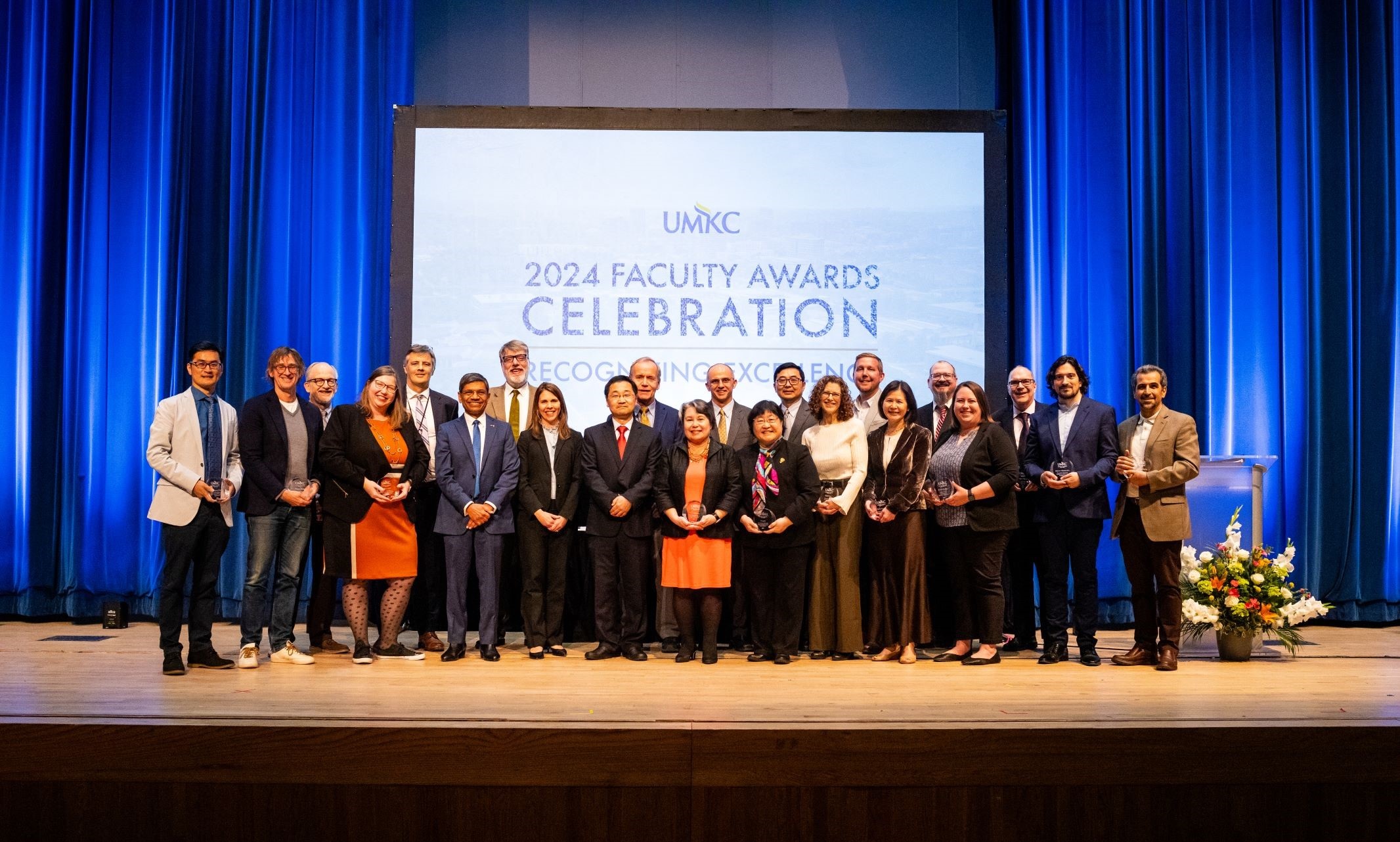
Annual Faculty Awards honor excellence in teaching, leadership, research and more
The University of Missouri-Kansas City recognized more than 20 faculty members across the university in the 2024 Faculty Awards celebration. Awards were given for research and scholarship, teaching and mentorship, diversity, engagement, service and leadership.
The ceremony began with remarks from Provost and Executive Vice Chancellor Jennifer Lundgren who shared her appreciation for the faculty at UMKC.
“Your contributions and success reach beyond the classroom, lab or stage,” said Lundgren. “As involved as you are here on campus, you contribute to the community in a way that reflects our philosophy that we are ‘Kansas City’s top university.’”
Chancellor Mauli Agrawal thanked faculty for choosing UMKC.
“This is one of my favorite events because we have the opportunity to celebrate you – our outstanding faculty,” said Agrawal. “UMKC and Kansas City are fortunate that you choose to work and research here.”
The event concluded with recognizing faculty members a part of UMKC Faculty Senate and the Center for Advancing Faculty Excellence, followed by a reception in the James C. Olson Performing Arts Center lobby.
Congratulations to the 2024 awardees:
Research Awards
N.T. Veatch Award for Distinguished Research and Creativity
Timothy Cox, School of Dentistry
Trustees’ Faculty Scholar Award
Shizhen Wang, School of Science and Engineering
Mohammad Rafiee, School of Science and Engineering
Teaching Awards
Elmer F. Pierson Good Teaching Awards
John Ball, School of Dentistry
Christopher Garmon, Henry W. Bloch School of Management
Steve Leben, School of Law
Angela Myers, School of Medicine
Provost’s Award for Excellence in Teaching: early career faculty
Brandi Bowers, School of Pharmacy
Patrick Brayer, School of Law
Provost’s Award for Excellence in Teaching: mid-career/senior faculty
Paul Barron, School of Science and Engineering
Gayle Levy, School of Humanities and Social Sciences
Provost’s Award for Excellence in Mentoring
Karen Savage, Conservatory
Excellence in Mentoring Undergraduate Researchers, Scholars and Artists
Debra Leiter, School of Humanities and Social Sciences
Joey Lightner, School of Nursing and Health Studies
Mohammad Rafiee, School of Science and Engineering
Diversity, Engagement and Leadership Award
Chancellor’s Award for Embracing Diversity
Theresa Torres, School of Humanities and Social Sciences
Chancellor’s Award for Excellence in Community Engagement
Alberto Villamandos, School of Humanities and Social Sciences
Fengpeng Sun, School of Science and Engineering
Leadership and Career Contributions Awards
Chancellor’s Award for Exceptional Leadership
Leigh Salzsieder, Henry W. Bloch School of Management
Chancellor’s Award for Career Contributions to the University
Yi Chen, Conservatory
New Curators’ Distinguished Professors
Curators’ Distinguished Professor
Simon Friedman, School of Pharmacy
Clancy Martin, School of Humanities and Social Sciences
Yong Wang, School of Dentistry
Apr 04, 2024
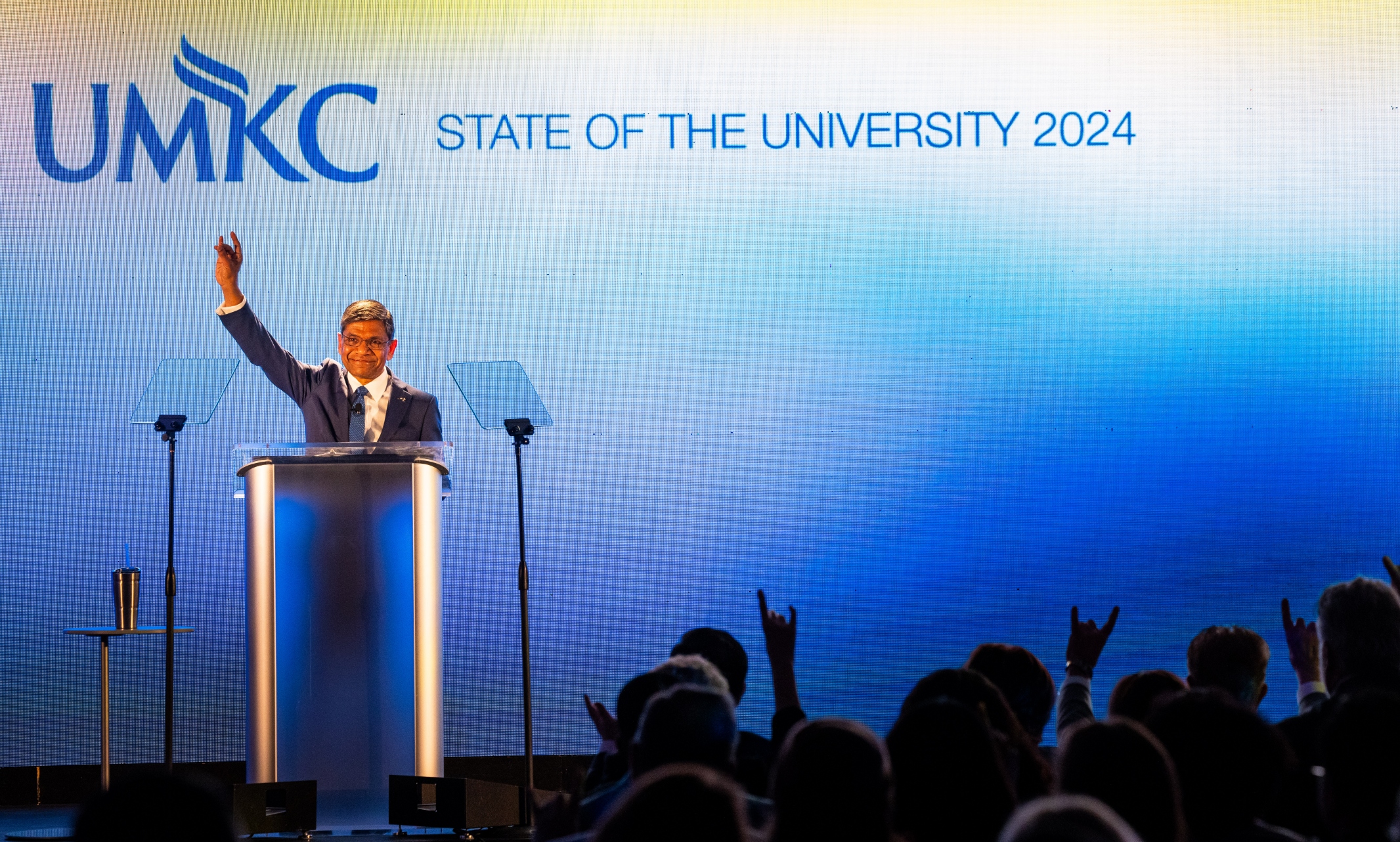
Chancellor announces research achievements, student-success milestones and major building initiatives
UMKC Chancellor Mauli Agrawal delivered the annual State of the University address on April 3, highlighting the significant achievements Kansas City’s university has accomplished in the past year.
“Today, we bear witness to how we at UMKC are breaking the norm to create a transformative university that can change lives and push the boundaries of excellence,” Agrawal said. “In the next few years, we are poised to achieve the most elite level of research excellence, accelerate our students’ success, and we are literally changing the face of our campus with signature building projects that support our highest strategic goals.
“If excellence in everything we do, big or small, is our goal, then in the pursuit of excellence we can never be satisfied with status quo.”
1. Research
With recent, rapid growth in its research enterprise, UMKC anticipates achieving a Carnegie R1 designation in the next two to four years. To put that in perspective, only 146 universities out of 2,800 four-year institutions currently have R1 research status, putting UMKC into a prestigious group.
The R1 designation will make it easier to attract even more world-class faculty and students, and to receive more research funding and partnerships with other R1 institutions.
“It will accelerate the creation of new knowledge to serve society and to enrich our students’ classroom experiences, and exposing students to high-quality research is a proven way to enhance their career outcomes,” Agrawal said. “Our students, graduate and undergraduate, deserve the very best. And the same could be said for our community.”
UMKC is Kansas City’s only public research university and has played a crucial role in various Missouri research projects including major roles in two tech hub designations from the U.S. Economic Development Administration, which hold the potential to unlock hundreds of millions in research funding for UMKC, the University of Missouri System, Missouri and Kansas.
2. Student Success
UMKC achieved several milestones in student success during the 2023-24 academic year including:
The largest class of first-time college students in UMKC history in 2023, success it hopes to continue in Fall 2024
Significant increases in transfer student applications for Fall 2024
Increases in domestic graduate student enrollment
Highest student retention and graduation rates in a decade, thanks to innovative new programs like First Gen Roos, which gained national recognition when the Center for First-Generation Student Success named UMKC a First Scholars program, the center’s second-highest designation
UMKC is also rolling out new degree programs in the next year, creating degrees of high relevance to students that also capitalize on key community strengths and workforce needs.
Upcoming programs going through final approvals and preparation include:
A bachelor’s degree in architecture in the School of Science and Engineering, starting in 2025.
A Master of Legal Studies program through the School of Law.
Eight new Ph.D. programs in electrical engineering, computer engineering, civil engineering, computer science, economics, education, humanities and natural sciences starting in Fall 2025.
3. Major Building Initiatives and Updates
UMKC plans major changes to its physical facilities to meet key strategic goals. Here are some of them:
Healthcare Delivery and Innovation Building
UMKC will begin construction in June on the $120 million Healthcare Delivery and Innovation Building, the largest capital in its history, when it begins clearing out a parking lot at 25th and Charlotte. A celebration is planned for this September. This building -- home to combined space for dental and medical programs as well as research space for health equity, biomedical engineering and data analytics center -- is scheduled to open in 2026.
Foodiverse
After the spring semester ends, food service in the Student Union, with the exception of Starbucks, will close to make way for the Foodiverse. Opening in January 2025, this food venue will have more options, from a grill and salad bar to pasta and an allergen-free zone. Chick Fil A will reopen in January 2025, too.
Student Success Space
Work on new student success space will begin this summer on fourth floor of the Miller Nichols Library. Programs including Supplemental Instruction and Academic Support and Mentoring, will move to that new space.
Pedestrian Plaza
51st Street between Cherry Street and Rockhill Road will open as a pedestrian plaza this fall, providing campus and community gathering and green spaces.
Streetcar Stop
The Kansas City Streetcar will pull up to the UMKC front door in mid-2025. UMKC is working on plans for retail and a possible arena space near this public transportation hub.
UMKC School of Medicine-St. Joseph Campus
A grand opening for a medical education building on the UMKC School of Medicine-St. Joseph campus is slated for next year, expanding the university’s work in preparing the next generation of doctors for Missouri’s rural areas.
UMKC Conservatory Expansion
A sneak peek of a UMKC Conservatory expansion showed off future plans for enhancing the university’s performing arts programs.
4. Partnerships
The Chancellor celebrated UMKC’s move to think outside the norm when it comes to partnerships that benefit students. As one example: UMKC is a proud higher education partner with all four professional, major-league sports teams: the Kansas City Chiefs, the Kansas City Current, the Kansas City Royals and Sporting KC. These partnerships provide students with unique learning opportunities such as job shadowing, mentorship, internships and leadership development.
5. Strategic Engagement and Fundraising
This past fiscal year, UMKC broke its all-time record in annual philanthropic production with $94 million.
As for this fiscal year, UMKC already surpassed its annual goal of $45 million and that doesn’t count Giving Day, which broke a record for single-day giving by raising in excess of $430,000, more than triple last year’s total.
“As you know, our community’s support is so much more than dollars,” Agrawal said. “We have an incredibly dedicated cadre of top leaders from throughout Kansas City who freely share their time and energy to help make UMKC top-class."
Apr 03, 2024
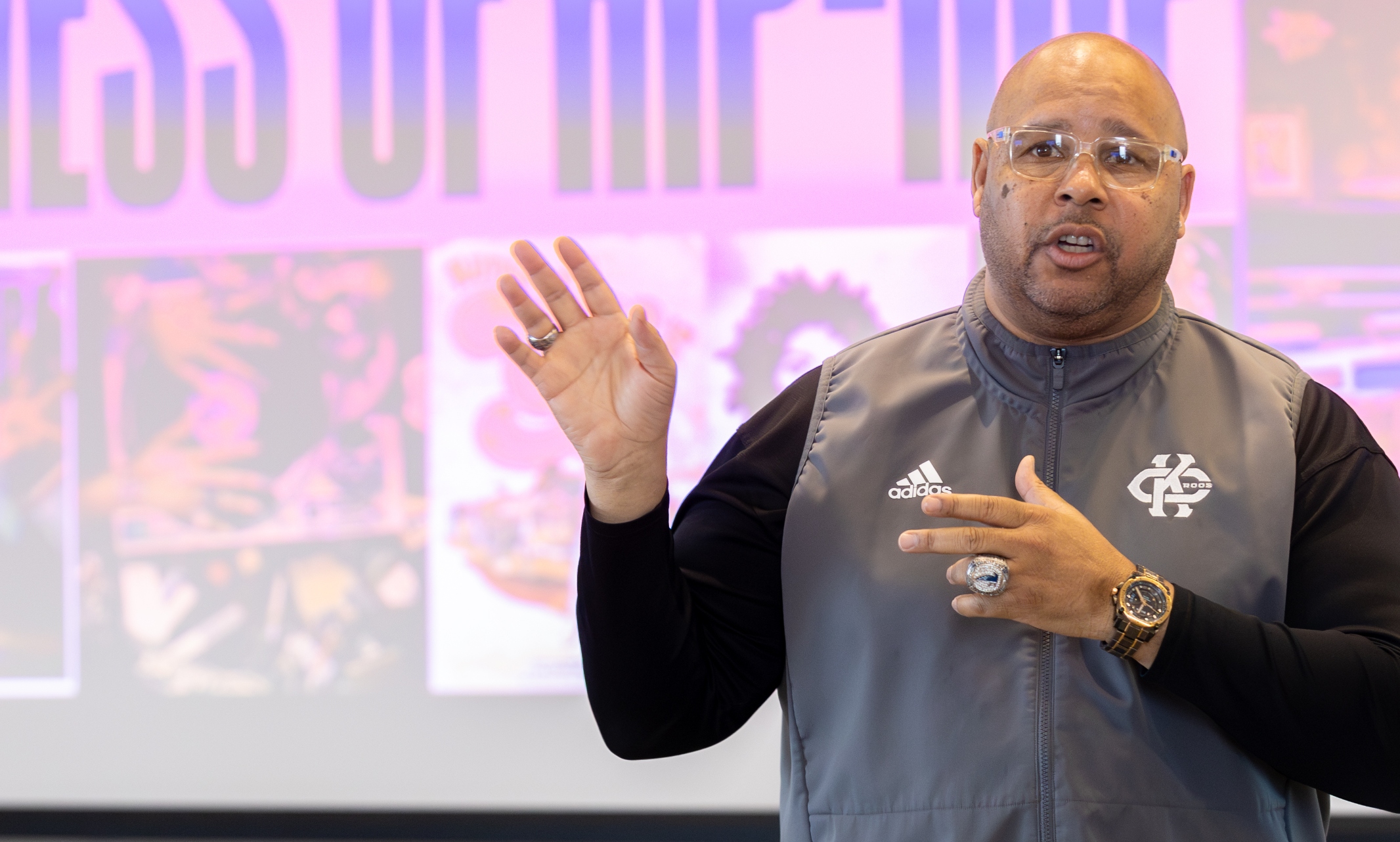
Harvard fellow, sports and media professionals collaborate to discuss influence and impact of hip-hop with students
No longer business as usual, the University of Missouri-Kansas City Henry W. Bloch School of Management continues to find new ways to educate and inspire students. Their latest move, the business of hip-hop. The music genre celebrated its 50th anniversary in 2023. What started with two turntables in a house party in the Bronx, is now a trillion-dollar industry.
The business of hip-hop is a collaborative effort among the Bloch School, UMKC Athletics and the UMKC Men of Color Academy (MoCa). More than 100 campuses worldwide teach courses on hip-hop culture and rap music; many of which speak to lucrative opportunities the genre brings across sports, fashion, food/beverage and the culture at large.
“The goal was really for students to see the different avenues that they could go into when it comes to sports and music and how our culture intertwines into our careers,” said Elizabeth Montelongo (BA ’21), program coordinator of student services and recruitment at the Bloch school.
Montelongo led the charge coordinating this new event, bringing in C. Keith Harrison, Ed.D., business professor at the University of Central Florida, and Nasir Jones, Hiphop Fellow at Harvard University, as keynote speaker.
“Hip-hop has dramatically evolved over the last 50 plus years,” Harrison said. “We’re teaching students about the success and risk-taking of hip-hop culture.”
Harrison speaks extensively on the intersection of hip-hop and business, and how many are using it to their advantage. Over its 50-year history, hip-hop has been used to solve business, health and educational challenges that lead to important change and awareness in communities.
This event also included panelists with a wide variety of backgrounds and experience. UMKC Alumna Shae Perry (B.A. ’19) who currently serves as morning host on Hot 103 Jamz in Kansas City, Felicia Martin senior vice president of inclusion education and community engagement at the NCAA, Jeff Porter, Ph.D., vice president of corporate partnerships at the Kansas City Current and Bryan Boots, Ph.D., managing director at the Regnier Institute for Entrepreneurship and Innovation.
Together, this panel helped students navigate questions surrounding business opportunities in sports and music and how to inspire young people who interact with students through the Bloch Mentorship Program. The latter is something Harrison believes is achieved through good professional role models in these fields, not just artists and athletes.
“Seeing images of the successful humans in hip-hop and sports, in addition to and beyond rappers and athletes is key, especially black Americans and other folks of color,” Harrison said.
And while not everyone who dreams of life as a professional athlete or artist will make it, it’s important not to put out the spark in young people who aspire for more.
“Even though we can think a dream is unrealistic, it’s important not to clip anyone's wings and allow them to fly and be a support system to them,” Montelongo said.
The Business of Hip-Hop will return in the 2024-25 academic year, with hopes of bringing high school students to the conversation.
Apr 01, 2024
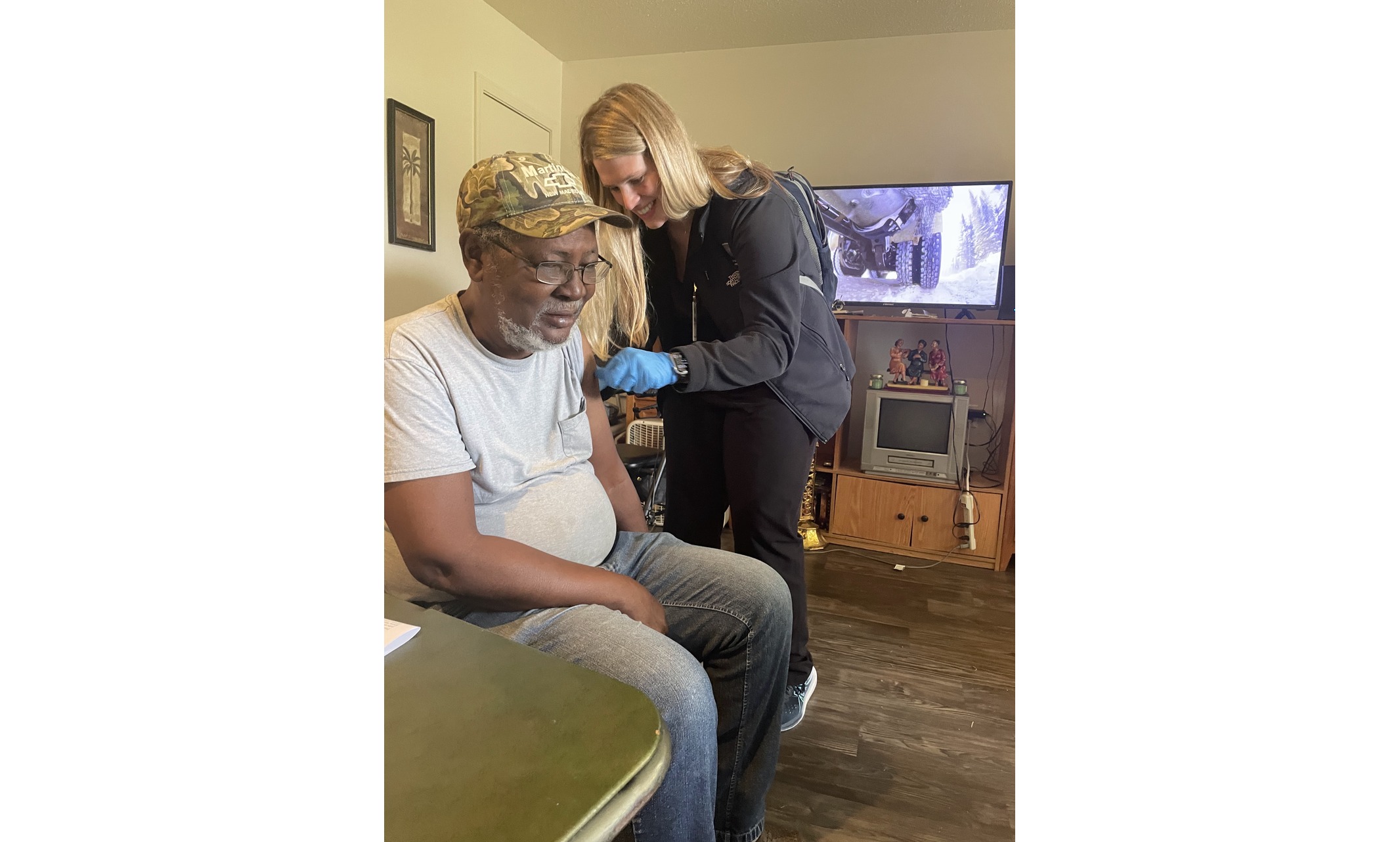
Elderly and low-income patients to receive health care in their homes
Nicole Gorsuch recently received a grant that funds in-home immunizations for low-income, elderly and immobile patients, working to fill a health-care gap that exists in parts of rural Missouri.
For Nicole (Nickie) Gorsuch, the final step after pharmacy school at the University of Tennessee toward being a full-fledged pharmacist was a one-year community residency. Gorsuch was matched in Charleston, Missouri, through a partnership between UMKC and L & S Pharmacy in the town. Charleston is an underserved town in rural southeast Missouri, and Gorsuch is exactly the kind of candidate UMKC hopes to send into these areas.
“Nickie came to our program ready to be molded, excited to learn and ready to practice her skills,” said Sara Opronovich, Pharm.D., the school’s residency program director and Gorsuch’s supervisor.
Gorsuch arrived in Charleston last summer and quickly witnessed the lack of accessible and robust health care.
“We have, like, one doctor that comes to town once a week,” she said.
The lack of health-care facilities, combined with limited transportation and insecure housing, means that residents are often at higher risk of developing a condition that goes untreated, potentially turning serious without intervention. Gorsuch had her work cut out for her.
Along with being the only pharmacy in Charleston, L & S Pharmacy is a community pharmacy that has clinic days to vaccinate residents. During these days, Gorsuch noticed several patients weren’t able to come into the pharmacy to receive their vaccines.
“I was like, ‘well, why don’t we just go to them?’” Gorsuch said.
The program started small.
“One day, we had a few patients, so we just lined them up on our calendar to just go to them to give them their vaccines because, again, they don’t have a car,” she said. “We don’t have Ubers or taxis or anything. They have to walk, and a lot of our elderly population just don’t have the resources to get the things they need.”
As the demand for in-home vaccinations grew, Gorsuch began to think bigger about what more this program could do for residents.
“That’s why we applied for this grant through Missouri Pharmacy Association,” Gorsuch said.
“In rural and underserved locations like southeast Missouri, these problems are amplified,” Opronovich said. “The seemingly simple intervention of giving a shot is also more difficult with fewer providers and more challenges with social determinants of health. Nickie’s work points out the added challenge of providing this health resource and shines a light on the need to provide funding for such interventions.”
The funding from the $60,000 grant was received in late 2023 and has enabled L & S Pharmacy to conduct transportation screenings to assess which patients can travel to the pharmacy and which patients need in-home or delivery care. This gives Gorsuch and the team a more complete picture of their patients’ challenges. The funding also covers transportation fees for the pharmacy team as well as vaccines for some uninsured patients.
Gorsuch’s in-home immunization program has shed even more light on the existing health-care challenges that rural communities face.
“We had a patient who has been to the pharmacy a lot, and I never knew that he didn’t have transportation (until screening), but he walked to the pharmacy,” Gorsuch said. “I never knew because I never asked. The more that we ask, the more we know.
“It’s not a really walkable area, but for some patients it has to be because they don’t have any other way.”
Gorsuch’s work at L & S Pharmacy will continue through the end of her residency in summer 2024. The program has enough funding for at least the next five months. With the help of community partners like grocery stores in Charleston, Gorsuch hopes to reach more potential patients who are not already in the health-care system in places they already. Community partners like grocery stores and food pantries open up conversations about the benefits of vaccines and how their local pharmacy is there to help.
“The more we can get out to the people, the better we are able to capture everyone,” Gorsuch said.
Mar 25, 2024
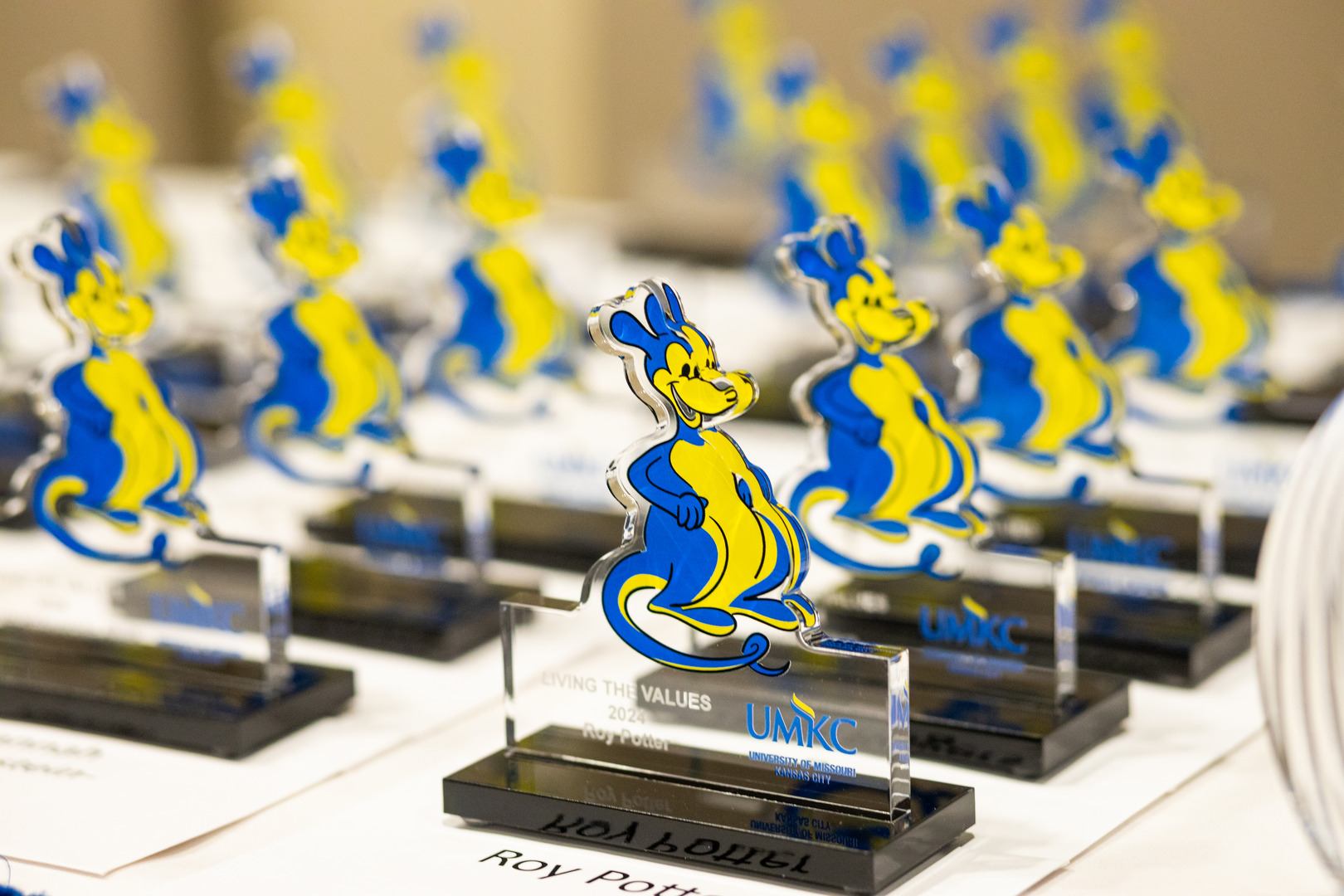
2024 Staff Awards celebrate service milestones and accomplishments
The University of Missouri-Kansas City recognized staff across all academic units and various programs and departments at the 2024 Staff Awards ceremony in March. The ceremony recognized more than 200 employees who have shown an incredible commitment to their personal success, as well as the growth and success of UMKC.
The ceremony began with remarks from Chancellor Mauli Agrawal who shared his admiration for the hardworking staff at UMKC.
“I am always overwhelmed by the dedication of our staff and all of your accomplishments,” Agrawal said. “Whether you were recognized today or not, you are essential to the success of our students and to the success of our university.”
During the ceremony, Bill Marse, director of biomedical communications at the School of Dentistry, took to the podium to introduce awardees and share his remarkable service milestone of 50 years at UMKC.
“I am fortunate to be in a position where coming to work is a choice,” Marse said. “It’s a very exciting, rewarding and enjoyable choice.”
In typical UMKC style, the ceremony closed with a spirited and celebratory “Roo Up!”
Congratulations to the 2024 awardees:
Staff Council Dedication Award
Kim Kushner, IT Project Manager, Information Services
Excellence in Student Success Staff Award
Scott Ezzell, Bloch Manager of Admissions and Recruitment, Henry W. Bloch School of Management
Excellence in Research and Creative Works Staff Award
Brian Kanoy, Senior Program/Project Support Coordinator, School of Science and Engineering
Excellence in Engagement and Outreach Staff Award
Nate Addington, Director of Engagement and Outreach, External Relations and Constituent Engagement
Inclusive Opportunity AND Excellence Staff Award
Lorena Juanez, Senior Admissions Counselor, Student Success and Academic Assurance
Excellence in Planning, Operations and Stewardship Staff Award
Sarah Beth Schulz, Executive Assistant to the Dean, School of Science and Engineering
Rising Star Award
Caroline Kelly, Senior Academic Advisor, School of Medicine
Chancellor’s Staff Award for Extraordinary Contributions
Chris Popoola, Faculty Affairs Specialist, Faculty Support and Academic Innovation
Living the Values Award
Roy Allen, Director of Research and Institutional Programs, Missouri Institute for Defense & Energy
Petra Bricker, Career Advising Manager, School of Medicine
Jordan Davis, Senior Manager of Admissions, UMKC Conservatory
Keichanda Dees-Burnett, Assistant Dean of Student Support and Director of Multicultural Student Affairs, Student Affairs
Onekia De Leon Franklin, Senior Office Support Assistant, School of Nursing and Health Sciences
Barb Domke, Senior Academic Advisor, Henry W. Bloch School of Management
Emma Fahrlander, Strategic Communication Specialist, Strategic Marketing and Communications
Hannah Hohenstein-Flack, Senior Executive Assistant, School of Humanities and Social Sciences
Brian Kanoy, Senior Program/Project Support Coordinator, School of Science and Engineering
Susi Krulewich, Director of PAL Program, Curriculum and Assessment
Chauncey Kuhl, Plumbing and Electrical Supervisor, Finance and Administration
Megan Malcom, Degree Auditor, Student Success and Academic Assurance
Susan Miller, Library Information Specialist, University Libraries
Joey Medellin, Senior Program/Project Support Coordinator, UMKC Innovation Center
Christi Posey, Head Coach, Intercollegiate Athletics
Roy Potter, Senior Technology Resource Manager, School of Dentistry
Janet Rogers, Executive Assistant, School of Law
Laura Rupp, Director I Event Services, External Relations and Constituent Engagement
Amanda Sanders, Business Support Specialist II, KCUR
Crystal Simonis, Research Compliance IRB Manager, Office of Research Services
Bailey Tennesen, Senior Educational Program Coordinator, School of Education, Social Work, and Psychological Sciences
Rick Thomas, Manager IT, Information Services
Molly Tugushi, Office Support Associate, School of Pharmacy
Supervisory Development Series Graduates
Melissa Allison
Carol-Le Braden
Kayla Channell
Nicole L’Amour
Gabriela Sa Teles
Sarah Major
Carla Marquina Panduro
Danielle Marx
Lora Owens
Katherine Sylvester
Dr. Elson S. Floyd Administrative Leadership Development Program
KC Atchinson
Elizabeth Hoffman-Shrout
Nathan Jacobs
Angela Jenkins
Andre Logan
Melissa Newkirk
Gabriela Sa Teles
Bryan Scrivener
Kaitlin Woody
Series on Leadership Essentials Program
Avery Brotherton
Andrea Cady
Jamie Charles
Sarah Dresslaer
Tanna Engle
Rebecca Ireland
Kim Kushner
Tara Lane
Nathan Lonngren
Carla Marquina Panduro
Gregory McMullen
Lora Owens
Zachary Parker
Organizational Perspectives and Leadership Program
Tom Bachmann
Carol-Le Braden
Yolanda Branch
Katey Collins
Christina Davis
Shay Duncan
Susan Garrett
Teresa Huff-Pomstra
Laura King
Noah Kramer
Alia Krzyzanowski
Alyssa Lally
Jacob Lazzo
Anthony Maly
Amy McKune
Mako Miller
Megan Raney
Olujimi Sode
Emily Strayhall
Rick Thomas
Thomas Willoughby
Staff who graduated with a UMKC degree in Spring 2023, Summer 2023 or Fall 2023
Katie Anton
Shaun Bernardon
Jessica Hill
Nicole L’Amour
Jameilla Robinson
James Surber
Douglass Whitehead
Theresa Wright
5 Years of Service
Silas Arnold
Deidre Ashley
Katherine Atcheson
KC Atchinson
Tom Bachmann
Kenneth Bledsoe
Angela Bolen
Keishea Boyd
Carol-Le Braden
Sharon Breshears
Jennifer Brown
Dylan Burd
Krystal Burghoff
Joseph Crow
Allen Dale
Timothy Dean
Brett Dietrich
Patrick Dixon
Mary Donahue
Nikhila Donti Reddy
Mackenzie Doss
Sarah Dresslaer
Megan Elsen
Brooke Fischer
Chainy Folsom
Garren Frasher
Danny Freeman
Georgia Freidhof
Kathryn Grindstaff
Teresa Huff-Pomstra
Phillip Humphrey
Curtis Jacey
Ellis Johnson
Chante Keller
Laura King
Anne Kipper
Michael Knabel
Kay Lee
Richard Lentz
Brandon Martin
Hannah Martin
Hope McMorrow
Susan Miller
Leslie Mohan
Tram Nguyen
Mark Pederson
Mariah Peel
John Pragman
Prasanna Reniguntala
Jessie Riggs
Janey Stephens
Nomin Ujiyediin
Kimberly Vittorino
Kelly Weaver
Shelby Webb
Abby Weiser
Krisana West
Robert Wren
Tejkumar Yentrapragada
Alexander Zier
10 Years of Service
Patricia Baldwin
Casey Bauer
Amber Blair
Karen Bronsman
Kenneth Brooks
Rosana Challacombe
Joe Constantino
Amannda DeBoef
Clint Dominick
Dustin Dye
Aaron Fajen
Ronald Jones
Rebecca Markley
Laura Michaelsen
Tamara Morris
Julie Myer
Julie Smith
John Sulzer
Joyce Ward
Kenneth Wesley
Ryan West
Thomas Willoughby
Laura Ziegler
15 Years of Service
Katie Anton
Stephen Barnes
Catherine Battles
Steven Bowman
Elizabeth Couzens
Michael Cowan
LaRae Elliott Vowiell
Katherine Garey
George Gotto IV
Ursula Gurney
Roland Hemmings Jr
David Hoskins
Kingsley Kakie
Michelle Kroner
Brad Martens
Terrence McKelvy
Donald Parmalee
Suyopa Pinto
Amy Samaripa
Sheila Thomas
Jared Wight
20 Years of Service
Eric Anderson
David Babcock
Matthew Bunch
Carol Calhoun
Keichanda Dees-Burnett
Amber Heffernan
Joey Medellin
Sarah Morris
Rosa Nataraj
Helen Perry
Stephen Pottebaum
Christopher Prewitt
Arzelyn Umali
Almaz Wassie
Rosie Weaver
25 Years of Service
Rosie Booze
Dennis Clark
Dennis Elmore
Nancy Hoover
Steven McDonald
Jane Poe
Paul Schwartz
Vicki Van Noy
30 Years of Service
Della Damon
Jody Jeffries
Steven Jenks
Frank Morris
Nancy Wilkinson
35 Years of Service
Carmen Jaramillo
40 Years of Service
Heidi Updike
50 Years of Service
Bill Marse
Mar 20, 2024
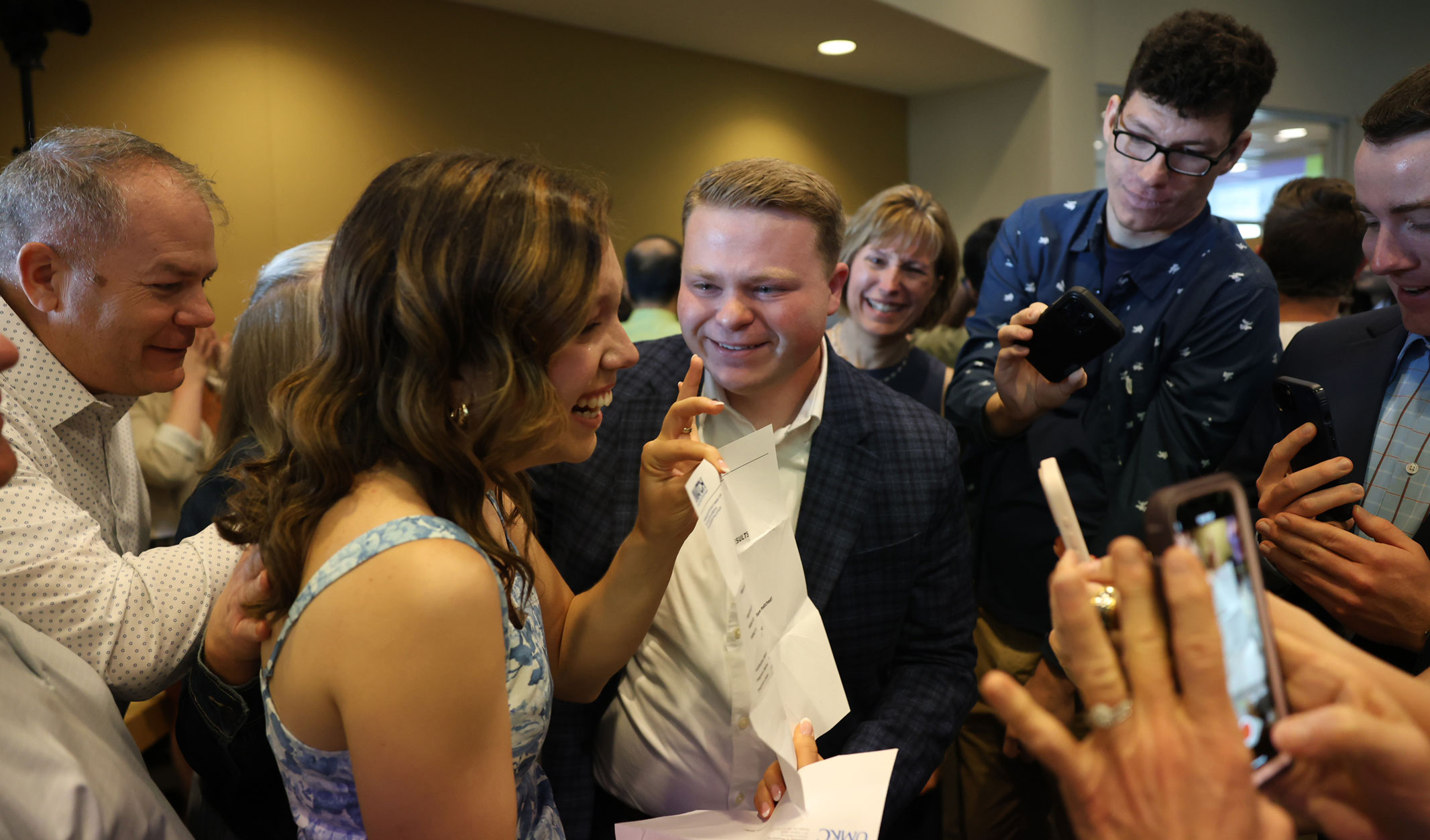
The Class of 2024 discovered where they would be continuing their medical journey
Excited cheers poured out of the UMKC Student Union on Friday, where more than 100 medical students tore open envelopes to discover where they would spend the next few years doing their medical residency training.
The students participated in the National Resident Matching Program, also known as Match Day, when medical students learn what residency program they matched with, as well as the specialty they will practice.
For medical student Divya Jain, it was a long time coming, but very much worth it. Although the Overland Park native is in the six-year B.A./M.D. program at the UMKC School of Medicine, she took a two-year break to get her master’s degree in public policy at Harvard University.
“In the six-year med program, we start preparing for our residency at 18 years old,” Jain said. “It’s been eight years in the making, but matching feels like all the hard work was worth it because we get the privilege of taking care of people.”
Jain matched in a residency program at the University of Washington in Seattle, where she will enter her preferred specialty of OB/GYN. Her rotations at University Health Truman Medical Center instilled in her a passion for improving women’s health. That passion motivated her to also dive deeper into patient advocacy at a systemic level.
“Obviously doctors impact our patients on an individual level, but caring for our patients doesn’t have to stop at the 15-minute visit,” Jain said. “We have so much more potential to make profound changes for our patients’ health through advocacy on a larger level.”
Match Day is a family affair for many students, and that was especially true for Josephine Nwankwo of Oklahoma City, who matched at the Baylor College of Medicine in physical medicine and rehabilitation. She’ll join her sister, Angela Nwankwo (B.A./M.D. ’22), who is also a resident in the same program.
Their mother is a registered nurse, and over the years the family traveled to their mother’s native Nigeria, bringing medications from the United States that weren’t available there. It instilled in Nwankwo a desire to return to Nigeria to bring rehabilitation treatment to the country.
“Visiting my family in Nigeria opened my eyes to the health-care inequities in the world,” Nwankwo said. “I feel like rehabilitation is a resource that’s not really offered in these developing countries. I would love to return to Nigeria because the service could really benefit the people there.”
New School of Medicine Dean Alexander Norbash congratulated the class, while adding some perspective on what was his fifth day leading the school.
“It’s an interesting day, because you began it with a certain mindset, and you’re ending it envisioning yourself in Topeka or San Francisco as a psychiatrist or a cardiac surgeon,” Norbash said. “It’s one of those watershed days you can’t ever forget.”
According to Norbash, more than 50 percent of the students matched into primary care. The class matched in a wide range of specialties, including anesthesiology, emergency medicine, psychiatry, dermatology and several surgical specialties. A third of the students matched in Missouri, with 30 percent of students staying in the Kansas City metropolitan area.
Lauren and Brevin Miller are two of those students who will stay in Kansas City. The married couple, who met in Spanish class their freshman year, were anxiously awaiting their match to see if they would practice in the same city. Both grew up in Missouri. Lauren is from St. Louis and Brevin is from St. Joseph, so the couple had high hopes of staying close to Kansas City.
Gathered in front of nervous family and friends, the couple ripped open their envelopes together and screamed with joy when they read their exciting news. Lauren matched at Children’s Mercy Hospital in Kansas City specializing in pediatrics, and Brevin matched at the University of Kansas Health System, specializing in surgical otolaryngology.
“Matching together is everything,” Brevin said. “All our hard work paid off. And our basset hounds get to stay in Kansas City!”
UMKC Match Day 2024 Results
Mar 15, 2024
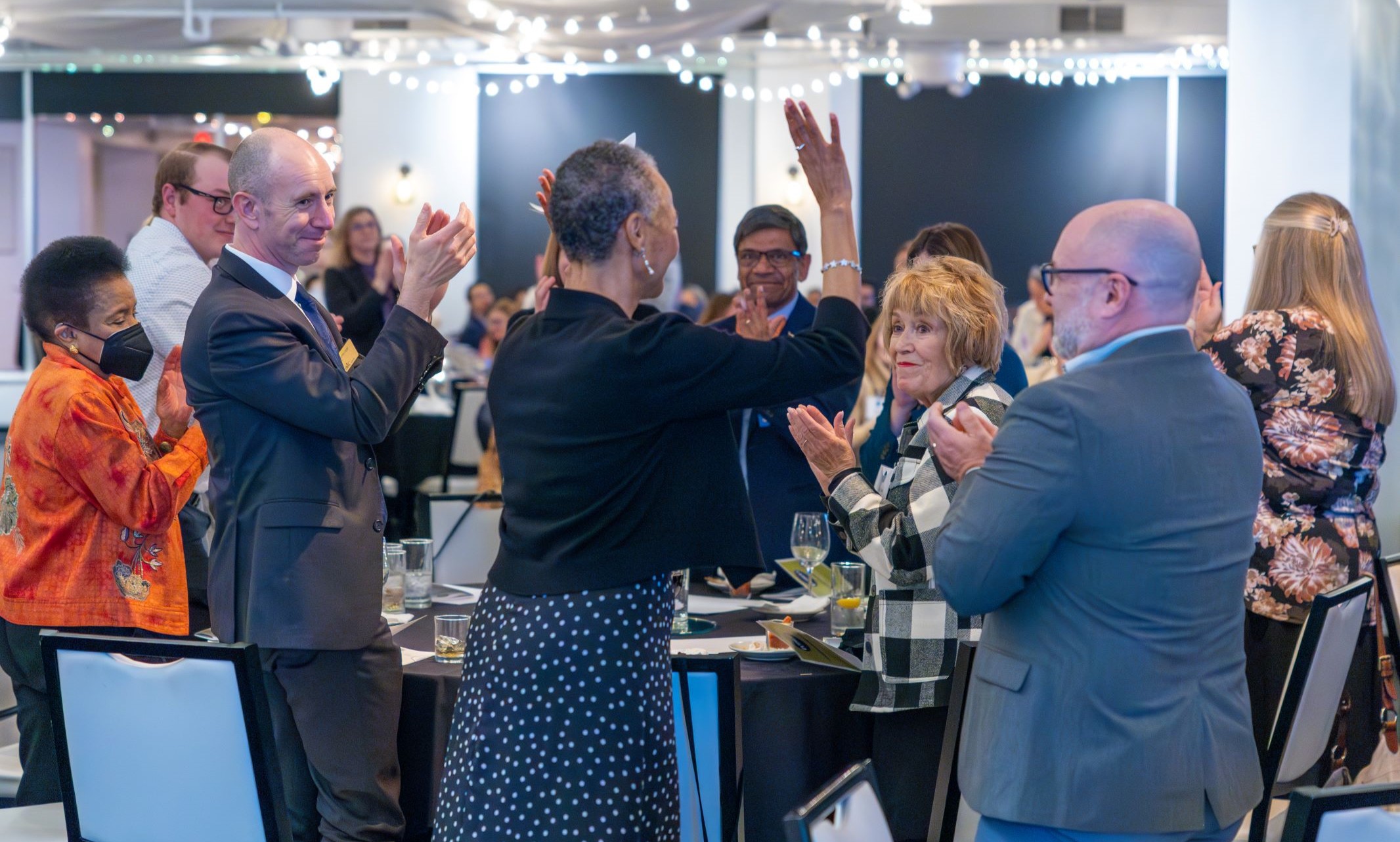
More than $98,000 awarded to 69 recipients to support post-graduate work
The UMKC Women’s Council held its annual reception to celebrate this year’s Graduate Assistance Fund awardees.
Nearly 70 women received funds to support their graduate studies at UMKC. The Women’s Council celebrated 53 years of supporting women in different fields, adding four new awards. Alumna Jacqueline Thompson (D.M.A. ’84), who was a GAF recipient in 1981, gave remarks at this year’s reception.
“I thought I was going to have to drop out because I was running out of money,” she said. “The GAF fund saved me. It helped me complete my degree and contributed to who I am today.” The life-changing award inspired Thompson to commit to give back to the Graduate Assistance Fund every year. Years later, when she revisited UMKC, students who received her help recognized her. Meeting these students made her realize how much the impact of her gift, regardless of size, made to them. “I told myself that I didn’t have to make a lot of waves, but I could be a ripple. If I made enough little ripples, I could make a difference,” Thompson added.To continue making a difference, Thompson also signed an intent form to leave a planned gift to the Women’s Council Graduate Assistance Fund.
Esther Han, conservatory student, giving her remarks
Esther Han is a Conservatory student who is working toward her Master of Music degree in piano performance and pedagogy. She is one of the few GAF recipients who received an additional merit award. “There are not that many fund opportunities for musicians, so being selected is a huge deal,” Han said. “It is very special because I am going to Germany to perform with my husband. I wouldn’t be able to go without GAF because of the graduate tuition cost.” Amen Teshome is a second year Ph.D. student studying cell biology and biophysics. She is working on identifying the impact of certain proteins related to glaucoma. Teshome is a first-time GAF recipient and was also a recipient of an additional merit award.
Amen Teshome, second year Ph.D. student, on the right
“It is super meaningful and rewarding, knowing that my research is making a difference and being validated,” Teshome said. “I feel super motivated to be here, and it’s really helping me push through during research. Because of the GAF, I get to attend the annual meeting for the Association of Research in Vision and Ophthalmology in Seattle. I would not be able to afford it on my own."
This year, the Women’s Council debuted four new named awards for the Graduate Assistance Fund. They were donated by UMKC Provost Jenny Lundgren, Ph.D.; UMKC Chancellor Mauli Agrawal, Ph.D. and his wife, Sue Agrawal, who is on the Board of Directors for the Women’s Council; UMKC Foundation President Amanda Davis and former students and associates of Bibie Chronwall, M.Ed., Ph.D. The fund awards were named after people the donors held close to heart and will help fulfill future generations of women to reach their educational goals and establish careers that will benefit others.
“I’ve been on the selection committee for four years now and have seen the hard work of our students, along with how the GAF impacts them,” Sue Agrawal said. “The best part is the principle of the fund won’t be spent, so it will keep growing over time and help more students in the future.”
The Graduate Assistance Fund has distributed more than $2.4 million since it started.
Mar 15, 2024

The Kansas City native was also a recent UMKC Commencement speaker
Each year, the UMKC Alumni Association recognizes the achievements of outstanding alumni with an awards celebration. The university and the association are honoring Rhiannon Ally (B.A. ’05) with the Class of 2024 Alumna of the Year Award.
As the co-anchor of the national ABC News program, “World News Now” and “America This Morning” and a frequent correspondent on "Good Morning America" and “Nightline”, Ally’s questions have taken her far, but her path had not been clear until she came to UMKC. Ally took a journalism class taught by Pulitzer-Prize-winning journalist Bob Unger as an elective, which changed the course of her life. “I remember him telling us that journalists question everything around them. Even if your own mother tells you something, do some digging and get another source,” said Ally. “That class got me thinking maybe I should be a journalist.” That’s exactly what she did. Ally’s nearly 20-year career has taken her to Miami, New Orleans, Las Angeles, London and Las Vegas. She has interviewed renowned celebrities including Madonna, Denzel Washington, Caroline Kennedy and Gloria Steinem. Ally has had a front row seat to history, documenting events including the Boston Marathon bombing, the war in Ukraine, Hurricane Katrina and the Ghislaine Maxwell trial. But the local stories have had the greatest impact on Ally. She recalled a time she interviewed a couple celebrating their 50th wedding anniversary. Both were Holocaust survivors and Ally still keeps in touch with their adult children. “When people tell you their story, it becomes a part of you. And the community does as well. I have been fortunate to be part of some incredible communities in my career. None as special as telling stories in my hometown of Kansas City,” said Ally. The Raytown native co-anchored the 5 p.m. and Emmy-Award-winning 10 p.m. news for Kansas City’s NBC affiliate KSHB-TV alongside her husband, Mike Marza (B.A. ‘04), whom she met at UMKC. In Kansas City, Ally anchored breaking news coverage of a massive fire that destroyed several city blocks, severe weather outbreaks and the Royals World Series Championship parade and rally. “Most of my family and many of my close friends are still in Kansas City,” said Ally. “People don’t realize how much KC has to offer, but the thing that stands out the most is always the people. The people here are always so supportive and friendly and really have followed me through my entire career.” While her career as a journalist is impressive, Ally said her proudest professional accomplishment has been publishing her children’s book, “Mommy, Please Don’t Go to Work!”, which was inspired by her experience as a mom, often hearing her three kids utter the phrase. “Writing a book was a lifelong dream. The day I saw my book published was one of the best days of my career,” said Ally.
Mar 15, 2024
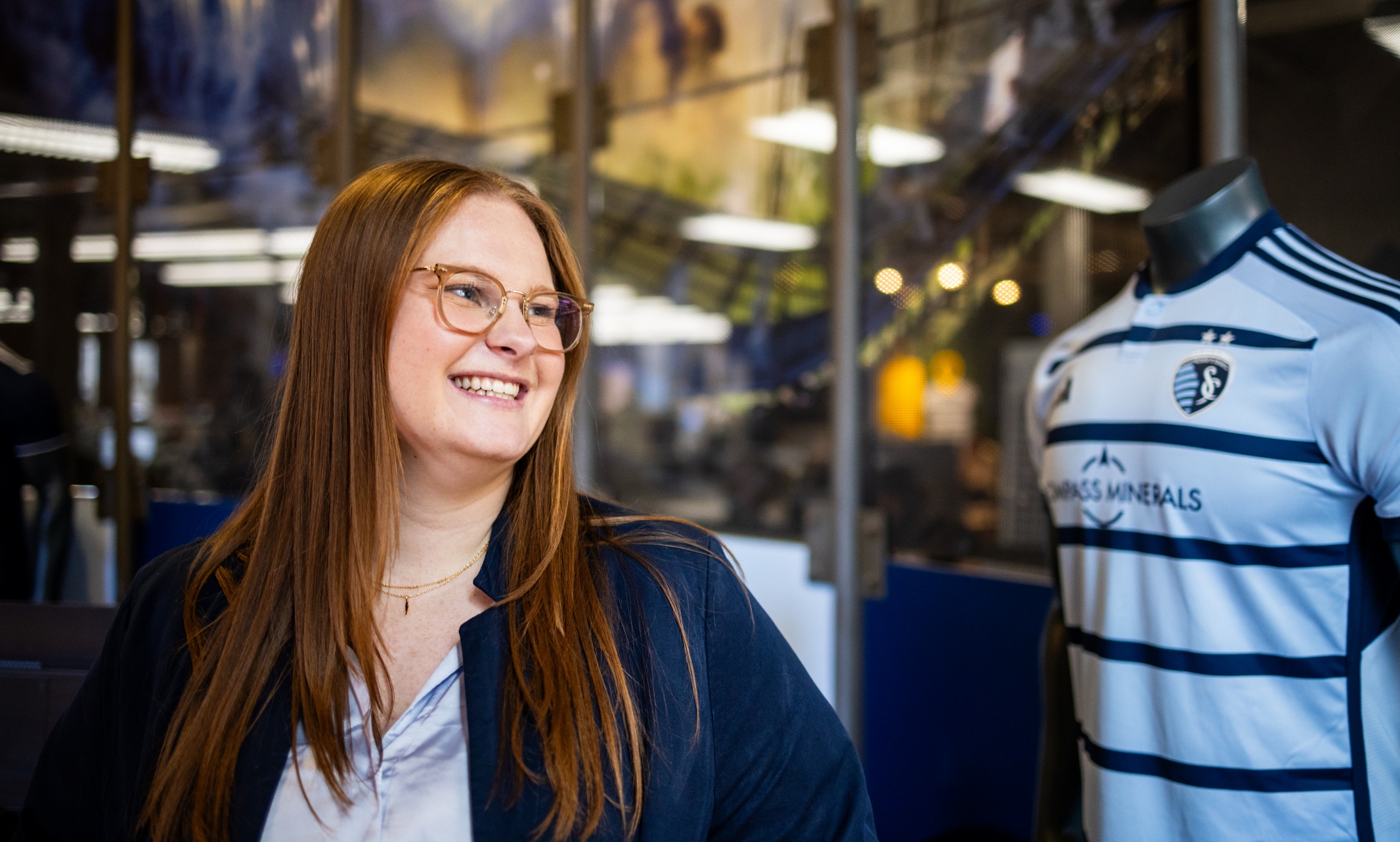
UMKC connections were a perfect match for Annmarie Orlando to pursue sports law
Annmarie Orlando knows two things: she wants a career in sports law, and she wants it in her hometown of Kansas City.
“I chose UMKC because I’m from Kansas City and I knew that I wanted to stay here,” Orlando, student at UMKC School of Law, said. “I’ve grown up here and I know it’s a great city to live in, and there’s lots of opportunities for work.”
One came with longtime UMKC partner Sporting Kansas City. The university and soccer club have been partners for a decade; part of that partnership includes first opportunity for internships for UMKC students.
For Orlando, it’s been the chance to start the career she’s been working toward for years. Orlando was an athlete growing up, and she wanted a career related to sports. After obtaining her undergraduate degree in sports management, a family member suggested law school as a next path. She started law school elsewhere and decided to transfer to return to Kansas City. The experience she’s had here has been unmatched.
Orlando's mentor, Kylie DeWees, a staff attorney at Sporting KC, spoke at the UMKC Sports Law Club in Fall 2023.
“Other than Sporting KC, I’ve had a few more opportunities to get experience while in law school,” Orlando said. “I worked with the athletics department at UMKC and got to work with the athletic director on NCAA rules and compliance. I’ve also gotten to work with NAIA and their lawyers as well.” In addition to working in sports law, Orlando volunteered with the public defender’s office. Although she found the work rewarding, the experience confirmed that her calling was sports law. She credits the law school and real-world opportunities with helping her define her career path. “Getting that real-life understanding of how it actually is working in the legal field while still in school helps figure out if you actually like that area of law,” Orlando said. “The law school’s career center is very helpful. They really care about helping students get experience where they want to be.”
For Orlando, that experience at Sporting KC involved legal research, contract review and learning the unique rules of Major League Soccer, among other things. Her mentor and Sporting KC staff attorney Kylie DeWees says that getting to study sports law in the soccer capital of America is invaluable, especially with the 2026 World Up on the horizon. “Our student interns can drive 15 minutes from class to come here and get practical experience on a big stage,” DeWees said. “You can’t beat that.” With Kansas City’s rising profile in the sports world, Orlando knows that she’s in the right place to begin her career. “Kansas City is a great place to study sports law,” Orlando said. “With the growth the city has seen and all the new teams we’re getting, there are lots of opportunities here.”
Mar 13, 2024
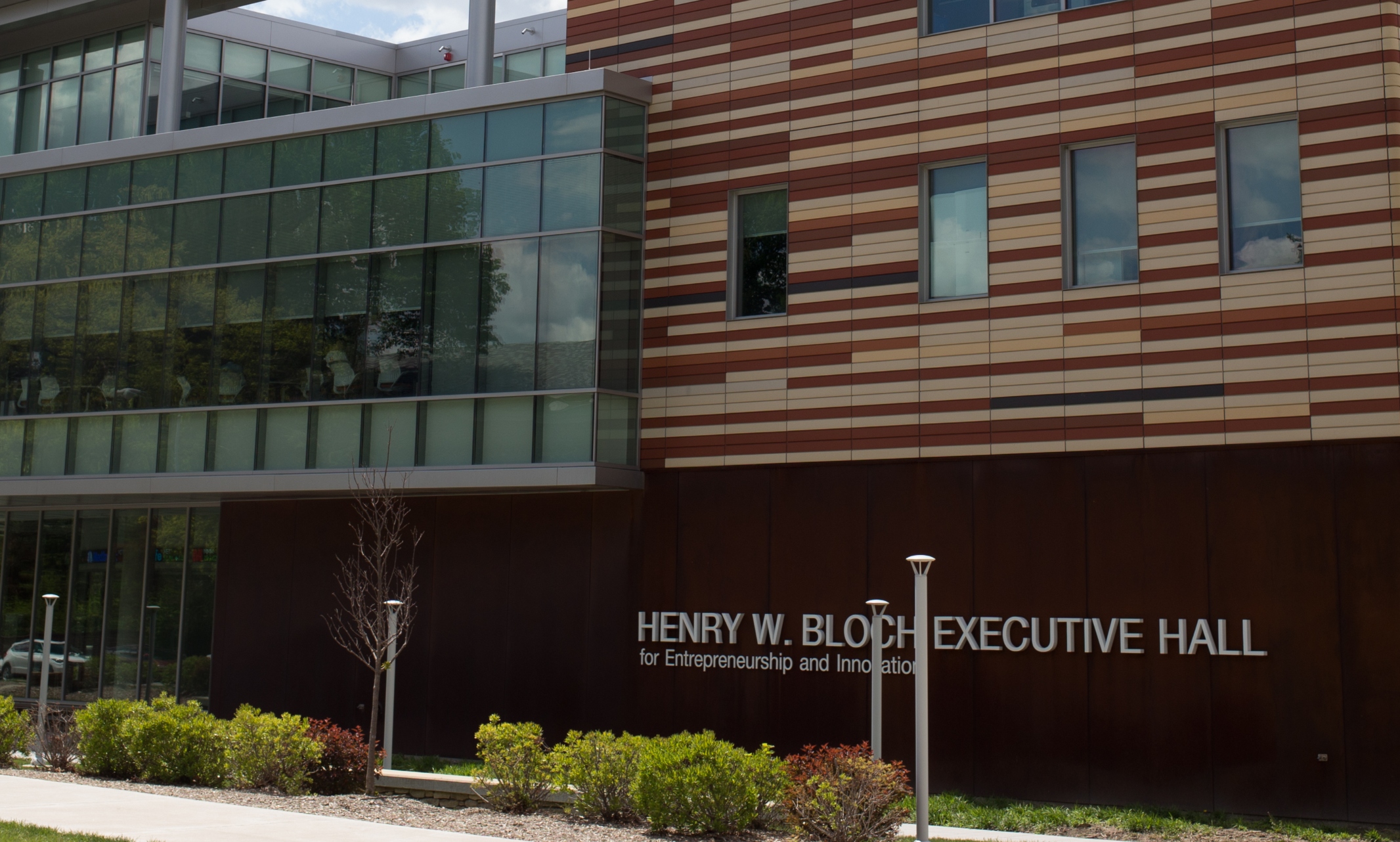
New schedule will offer greater work-week flexibility
The University of Missouri-Kansas City Henry W. Bloch School of Management will implement a new schedule for its Executive Master of Business Administration (EMBA) program to improve the frequency and depth of students’ engagement with the course content and focus more in-person class time to interactive activities, while simultaneously eliminating the monthly Friday class and moving regular classes to two or three Saturdays per month.
Unlike the traditional MBA, the EMBA focuses intensively on enhancing and refining leadership skills. EMBA students already possess extensive work experience and often enter the program while simultaneously working full time.
“These changes will improve student experience by allowing more flexibility in learning and reducing conflicts with students’ work schedules,” said Arif Ahmed, Ph.D., associate dean of the Bloch School.
Program management made the decision after seeking and receiving input from students, community stakeholders, faculty, and staff. Factors including paid-time-off changes, childcare needs and even doctors’ surgery schedules were considered.
“We had a couple of doctors who said you know, I'd really like to do your program, but Friday is my day in surgery and it's never going to happen as long as you have this particular class schedule,” said Eugene Pegler, executive director of student affairs at Bloch.
The changes also include moving a small portion of some courses to asynchronous online engagements distributed over the semester, which allows for focusing more on activities and discussions during the live in-person sessions.
In addition to regular classes, EMBA students complete four signature residency experiences. Two of these intensive courses are in Kansas City, one is in Washington D.C. and the final intensive course is a study-abroad experience, currently in Belgium.
These residency experiences offer a comprehensive exploration of leadership, strategy, public policy and global business. Over the 21-month program, EMBA students also receive dedicated support from their own Bloch executive coach, helping them gain deeper insight into their professional strengths and practice how to leverage them to become a more authentic leader.
The Henry W. Bloch School of Management is currently accepting applications for the Fall 2024 EMBA cohort. Explore the new schedule and program details.
Mar 07, 2024
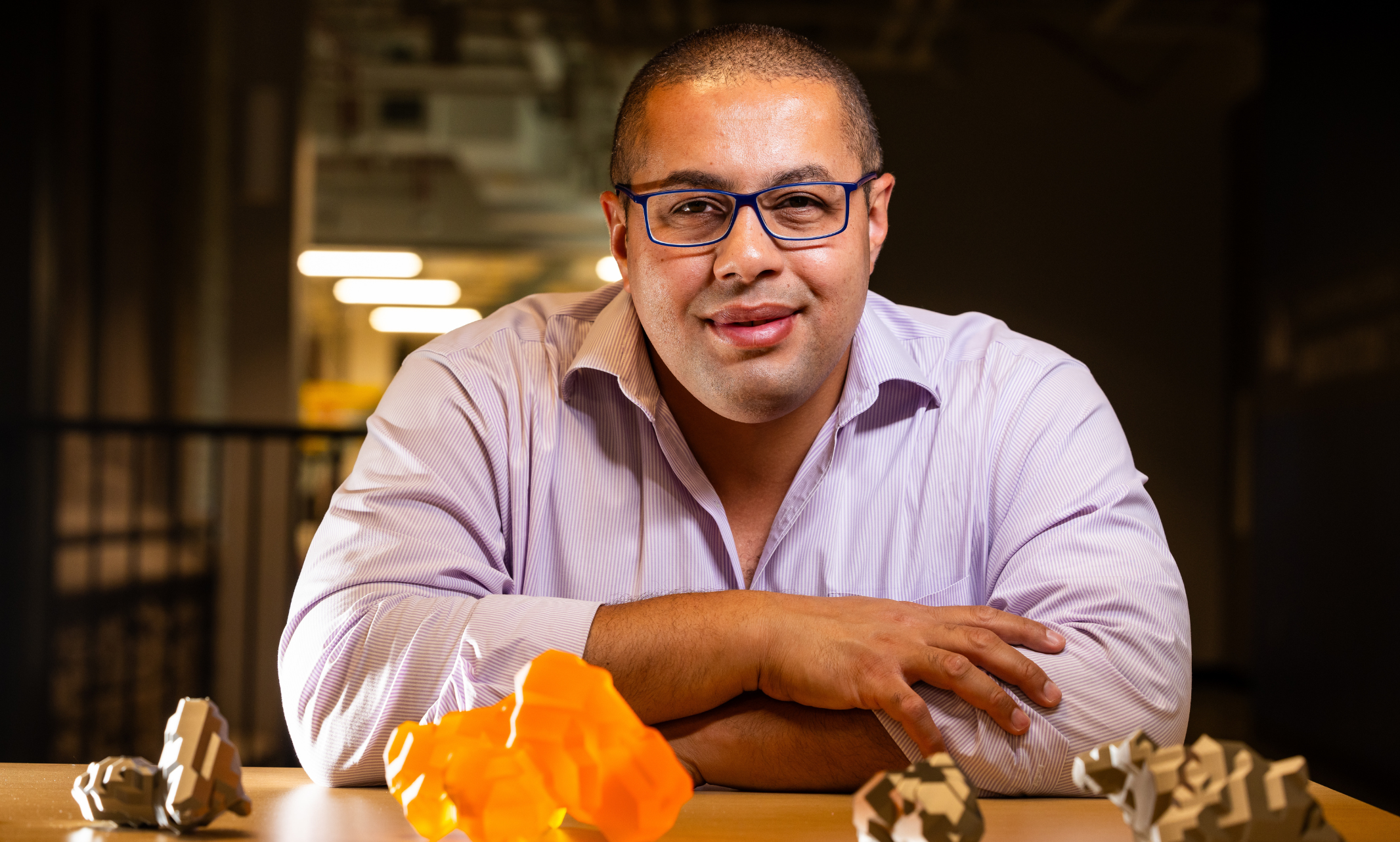
When humans return to the moon, UMKC research will help them avoid problematic interactions with lunar dust while mining that same dust for valuabl...
Ahmed Hassan, Ph.D., associate professor of computing and engineering, is working with partners at the National Institute of Standards and Technology, the U.S. Air Force Research Laboratory and the Space Science Institute to gain a more thorough understanding of the composition and properties of lunar dust. Hassan is crafting three-dimensional models of the shapes of individual, microscopic dust particles.
Why? Lunar dust is literally unearthly. It has unique geotechnical properties due to the absence of geological processes on the moon, such as chemical weathering, humidity and atmospheric wind. And the moon’s magnetospheric interactions and constant collisions with comets and asteroids also create discrepancies.
As a result, the shape of microscopic particles in the moon’s regolith, or lunar dust, differs from the shape of particles in earthly materials that resemble it at the macro level; for example, they have sharper, jagged edges. And those different shapes have to be accounted for.
During the Apollo missions, lunar particles caused significant problems such as abrasion of vehicles, spacecraft and scientific equipment as well as obscuring the solar panels that generated electricity. During a lunar landing, the rocket engine sends dust particles flying “like tiny bullets,” Hassan said.
Lunar dust adhering to spacesuits even caused allergy-like symptoms for the astronauts when it penetrated the atmosphere inside the spacecraft when they returned from moonwalks.
“Depending on the application, lunar regolith (dust) particles can cause serious problems or be used as a valuable resource in future lunar expeditions,” Hassan said. “The research results can help guide a wide range of lunar applications, from electrostatic dust removal from solar panels to using it to fabricate structures on the moon.”
Yes, to build structures. Among the applications of Hassan’s research is the feasibility of using lunar dust to make concrete on the moon, a critically important factor for building permanent settlements.
In his initial study, Hassan and his team were able to model 25 distinct particle shapes from a tiny sample of lunar dust brought back from the moon missions of the 1970s. For his current study, he has access to approximately 10,000 particles.
To prepare for future missions, space scientists created various reproductions of lunar dust, called simulants, crafted from materials on the earth. Recent advances in 3D X-Ray capabilities, however, revealed a problem.
“Some of the simulants matched the physical properties of lunar regolith; some matched the chemical properties. But no one had tried to match particle shapes,” Hassan said.
X-ray nanocomputed tomography (XCT) allowed scientists to examine the shape of particles as small as 400 nanometers (billionths of a meter) in length. That revealed the sharp, jagged edges and other unique properties that the next generation of simulants will have to match.
Future astronauts will be better prepared to deal with the moon’s unique environment, thanks to Hassan’s efforts.
Mar 07, 2024
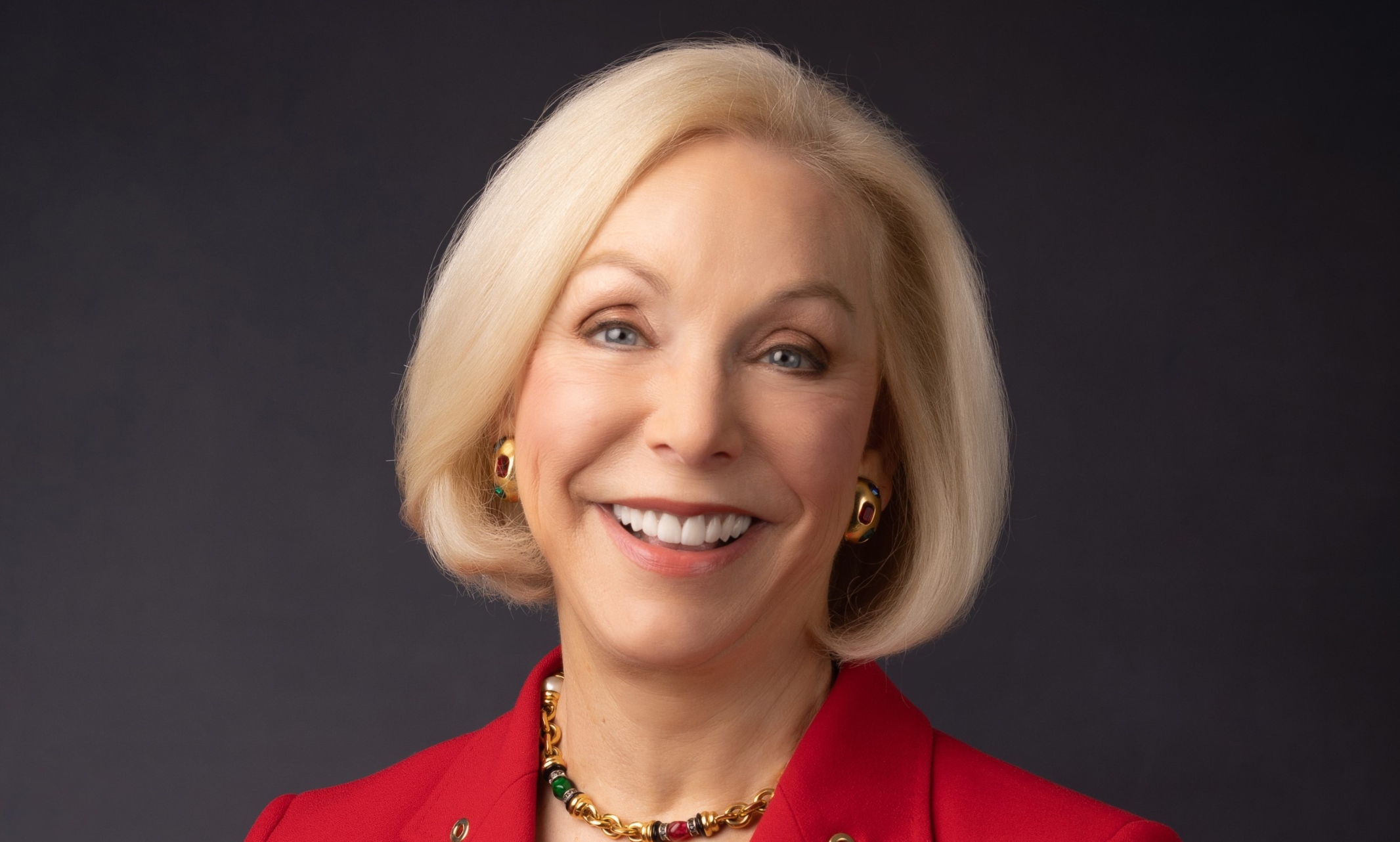
Suzanne Shank's support for UMKC and the Kansas City arts community goes above and beyond
Each year, the UMKC Alumni Association recognizes outstanding alumni achievements with an awards celebration. Suzanne Shank (J.D., M.P.A ‘82) is the Class of 2024 Bill French Alumni Service Award recipient.
From a young age, Shank’s love of the arts shined bright as she committed herself to dance lessons, even performing with the Kansas City Ballet when it was part of the UMKC Conservatory. Despite not pursuing the arts in her professional life, Shank’s support for the place she once performed has been extensive.
“I’ve always appreciated the arts and what they bring to the community,” Shank said. “I also recognize how necessary arts education is to a community.”
Shank has served on the Friends of the Conservatory Board and as a chair for Crescendo, the annual gala supporting student scholarships. In that role, she was instrumental in raising more than $1 million for student scholarships. In 2005, Suzanne and her late husband established the Suzanne Shank and Marty Smoler Scholarship, which supports a student studying in the Conservatory.
“UMKC is so important to Kansas City, and I wanted to be philanthropic where my money would have the most impact,” Shank said. “UMKC has done such an amazing job supporting the needs of the surrounding community and that should be rewarded.”
Shank currently serves on the UMKC Board of Trustees as a vice chair and serves on the executive committee. In addition to serving on the Trustees’ Scholars Committee for many years, where she has been a thought leader and Trustees' Scholar mentor, she also serves on the Next Generation Trustees’ Scholars Working Group. She recently established the Suzanne Shank Trustees’ Scholars Scholarship.
Her impact on the Kansas City community goes well beyond her support of UMKC. She has actively participated in numerous nonprofit associations, showcasing her commitment to philanthropy and community development. Her leadership roles in local organizations such as the KC Ballet, the Symphony League and the Lyric Opera, have contributed significantly to the cultural and artistic fabric of Kansas City.
Mar 04, 2024
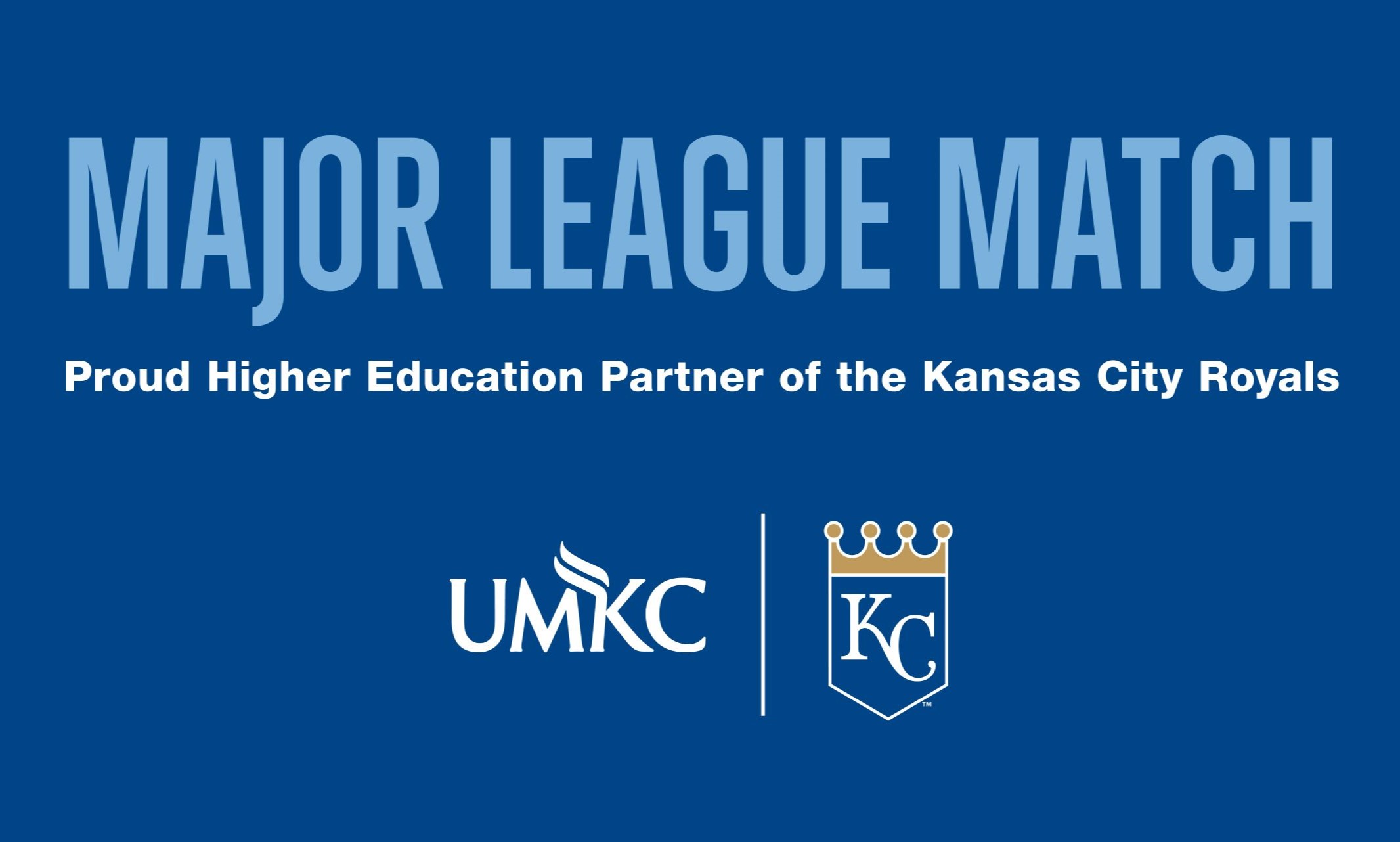
Includes hands-on learning opportunities for students; alumni and campus engagement
The University of Missouri-Kansas City announced a three-year partnership with the Kansas City Royals, beginning in March 2024, built around student-success programs and additional opportunities for alumni, campus and community engagement.
With this partnership, UMKC is now a proud higher education partner of all four major professional sports teams in Kansas City: the Royals, Kansas City Current, Sporting KC and the Kansas City Chiefs.
“This Royals partnership is a grand slam, another great partnership to offer our students unparalleled opportunities for unique real-life learning experiences, mentorship and ways to connect to build their career network,” said Anne Hartung Spenner, vice chancellor for UMKC Strategic Marketing and Communications. “We’ve enjoyed a great relationship with the Royals for years, and we’re thrilled to make it official. Partnering with all four of our city’s major professional sports teams is a benefit to all at Kansas City’s top university and our community.”
The UMKC and Royals partnership celebrates the unique, authentic connection that already exists between the organizations, from hosting commencement ceremonies to UMKC Night at The K to the Sherman Scholars program at the Institute of Urban Education at the UMKC School of Education, Social Work and Psychological Sciences.
“UMKC is an immense part of Kansas City’s history, and the Royals are honored that this partnership will allow for two pillars in the community to work together to better our future generations,” said Alex Schulte, vice president of corporate partnerships.
A few components of the new UMKC and Royals partnership:
“Bring Out the Bots” is a STEM initiative for high school students to create a robot to throw the first pitch at a Royals game. Students from the UMKC School of Science and Engineering will collaborate with the KC STEM Alliance and local middle school students to conceptualize and build a robot. When the robot is ready, the students will attend a game and witness the robot throwing the first pitch.
Media/film and communications students from the UMKC School of Humanities and Social Sciences will get a chance to collaborate with the Royals’ in-house creative agency, Pine Tar Collective, to make a 30-second ad for UMKC. The ad will premiere on CrownVision on April 19 for UMKC Night at The K. The video will then run during every homestand.
UMKC and the Royals will donate 50 tickets to a youth organization for a gameday experience at a Royals game.
The Kansas City Royals are adding a new segment to the Royals Radio Network to highlight players in the farm system. The “Future Royals” feature will air twice a month during games and include a shoutout to UMKC at the beginning and end of each feature.
UMKC and the Royals share a history centered around campus support and celebration.
UMKC commencement ceremonies in May 2021 and 2022 took place in Kauffman Stadium.
The first UMKC Night at The K took place in 2023, with co-branded jerseys for fans and entertainment featuring the UMKC pep band and KC Roos Dance Team. The second one will be April 19 and will feature co-branded crewnecks for fans who buy theme tickets as well as UMKC entertainment and more.
The Sherman Family Foundation, founded by Royals CEO John Sherman and his wife, Marny, supports the Sherman Scholars program at the UMKC Institute for Urban Education. The program provides annual scholarships to graduate and undergraduate students in teacher prep programs; Sherman Scholars attend a Royals game together every year.
UMKC partners with the Kansas City Royals Foundation’s MLB Urban Youth Academy for the KC Roos Softball home field.
Royals owner, John Sherman received an honorary doctorate in 2013 from UMKC, and is a member of the Entrepreneur Hall of Fame at the UMKC Henry W. Bloch School of Management Executive Hall.
UMKC alumna Karen Daniel (M.S. ’81 accounting) was inducted in 2023 into the Starr Women’s Hall of Fame at UMKC. She is the first African American woman to be a Major League Baseball owner since her addition to the Kansas City Royals ownership group in 2020.
Feb 28, 2024
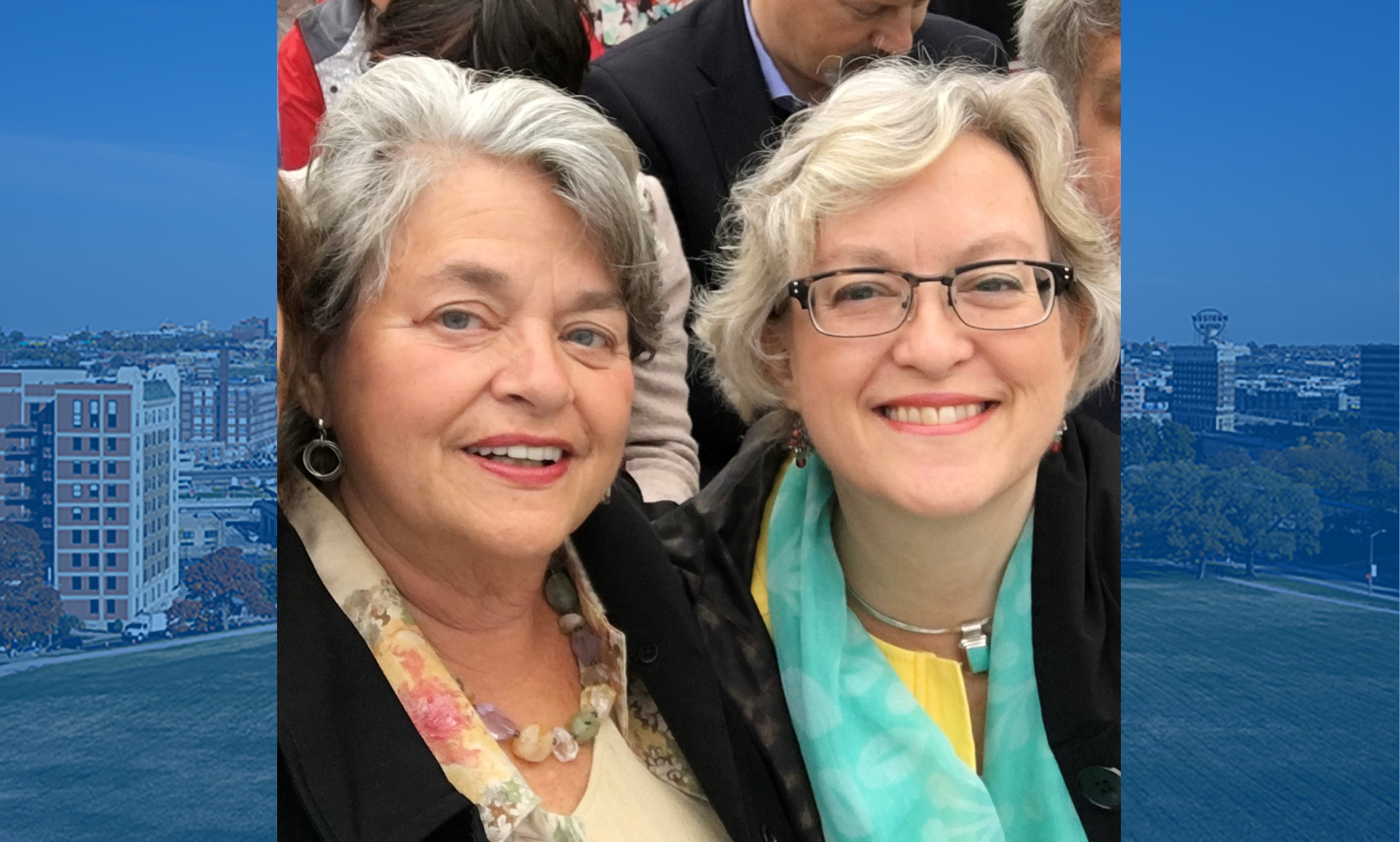
UMKC Alumni Association honors the Tedrow/Selders/Hogerty Family with the 2024 Legacy Award
Each year, the UMKC Alumni Association recognizes outstanding alumni achievements. UMKC is honoring the Tedrow/Selders/Hogerty family with its Class of 2024 Legacy Award.
The family legacy dates back more than 100 years, when Joseph Herbert Tedrow graduated from the Kansas City School of Law (now UMKC School of Law) in 1922. The next family members to attend UMKC, then known as the University of Kansas City, were brothers Loyd Selders (B.A. ’39) and David V. Selders, who attended but did not finish due to World War II.
The story extends several more generations. Alumni include Joseph’s granddaughter, Martha Hogerty (B.A. ’75, J.D. ’79), and grandson, Eugene (Pat) Selders, Jr. (B.A. ’72). Martha’s daughter, Mary (Hogerty) Needham (B.A. ’88) and her cousin Joan (Tedrow) Gilson (M.A. ’83, Ph.D. ’94), David’s daughter Dianne Selders Hogerty (B.A. ’78) and her son David Michael Hogerty (B.A. ’89) are also esteemed alumni.
“I don’t remember a time when the campus was not a part of the essential fabric of my life,” Needham said. “It was thrilling to think that I was writing the next chapter in a very long legacy.”
Members of the family have contributed greatly to the Kansas City community and beyond, both in their careers and volunteerism. Their philanthropic endeavors cross the city and region, including the Junior League of Kansas City, League of Women Voters, St. Mary’s Medical Center, South Plaza Neighborhood Association, Jackson County Historical Society, UMKC Neighborhood Advisory Council and more.
Joseph Herbert Tedrow was a member of the Kansas City, Missouri Chamber of Commerce from 1915 until his death in 1951. Most of those years were spent as transportation commissioner; he testified before the Interstate Commerce commission in Washington, D.C. on numerous occasions and authored a book of transportation regulation.
Martha Hogerty served as Missouri public counsel for 12 years, where she advocated for Missouri residents and small businesses in matters of utility services. She served as the consumer advocate representative on the Federal Communications Commission’s Joint Board, which made recommendations to preserve and advance universal telephone service, and as a president of the National Association of State Utility Consumer Advocates. Now retired, but a lifelong learner, Martha returned to UMKC to audit classes.
In 1974, David V. Selders founded Family Features Editorial Syndicate to deliver branded food content directly to consumers; the company provided high-quality content and photography to local magazines and newspapers free of charge. Selders and Family Features pioneered the use of formatted content and the commitment to tracking content placements. Fifty years later, Family Features is still headquartered in Mission, Kansas, and works with top brands to deliver food, lifestyle, and home and garden content. Dianne Selders Hogerty and David Michael Hogerty joined the family business during their careers. Dianne co-founded a chapter of Les Dames d’Escoffier International in Kansas City, a philanthropic organization of women leaders in the food, beverage and hospitality industry. She served as president of the international organization in 2004-05.
“I married after my freshman year of college and stopped my education to begin our family,” Dianne said. “At the ripe old age of 29, I returned to school and finished my degree at UMKC. If UMKC hadn’t been here so I could continue my education, I wouldn’t have become the ‘me’ I am today. I will be forever grateful.”
Feb 26, 2024

Awarded projects range from advertising to writing
The University of Missouri-Kansas City Strategic Marketing and Communications division received 10 awards for excellence in advancement, alumni relations, marketing and communications initiatives and materials from the Council for the Advancement and Support of Education, also known as CASE.
The division received 2023 Best of District VI Awards in categories that include advertising, design, magazines, videos and writing.
“At UMKC, we are blessed with an immensely talented marketing and communications team who do great work, day in and day out, sharing our university’s unique story to the world,” said Anne Hartung Spenner, vice chancellor for Strategic Marketing and Communications. “This year we broke our team record for CASE awards. What a great honor to see our team’s excellent work recognized by our higher education peers.”
Here are the following projects that received awards:
Special Events: In-Person (Single-Day): School of Medicine 50th anniversary event
In 2022, the UMKC School of Medicine celebrated the 50th anniversary of the founding of the school and its innovative six-year program that accepts students right out of high school. The UMKC Strategic Marketing and Communications team designed a full suite of materials such as a 50th anniversary logo and videos shown during the gala.
Videos: Commercials: RoosDo TV spots
The RoosDo TV spots aim to showcase UMKC Roos who are creating change across Kansas City and the rest of the world by spotlighting Roos who are bringing health-care solutions to those most in need, inventing new technologies that change lives, dedicating themselves to service and running businesses that employ thousands of people.
Publications: Student Recruitment (Series or Package): First Gen Roo
First Gen Roo is a program that supports first-generation college students at UMKC and helps them navigate the college experience. Strategic Marketing and Communications partnered with the First Gen Roo program staff to create branding and a series of recruitment materials to attract future students to the program.
Videos: Promotional (Short): Community Engagement Video – Clio
This video tells the story of Clio, a website and mobile app used across the country to record and preserve history in digital format. It also shares how its creator, David Trowbridge, Ph.D. , William T. Kemper associate research professor in digital and public humanities at the UMKC, uses Clio to help artistic, cultural and historical organizations in Kansas City, and across the country, tell their stories.
Videos: Promotional (Long): Bloch 100th video
We celebrated prominent Kansas City leader and founder of H&R Block Henry W. Bloch’s 100th birthday with a special celebration to pay tribute to his legacy and a video to honor Bloch and all he has meant to Kansas City, UMKC and the community. The event, on his birthday July 30, was open to the community, alumni, faculty, staff and students, as well as close Bloch family and friends.
Videos: Fundraising (Flash Campaign/Giving Day): Giving Day 2022
UMKC students shared their stories about the positive impact scholarships have made on their lives and education as part of a video for UMKC Giving Day. The video also featured UMKC alumni and donors.
Magazines: Alumni/General Interest (Printed Once a Year): Vanguard Volume 6
Vanguard Magazine is an annual research-centered publication that features the latest faculty news and research at UMKC. This specific issue highlighted stories that included sustainable urban agriculture, removing chemicals from drinking water, technology enhancements for work zone safety and limiting glaucoma damage.
Design: Invitations: Crescendo invitation
UMKC Crescendo is a signature university event that showcases student talent at its renowned Conservatory. The invitation for the event is a representation of the creativity, the passion and the deep artistic connections of the event.
Marketing: Marketing Initiatives (More Than 25 Staff): Quick to Market 60-Day enrollment push
The marketing team, partnering with enrollment management, gained approval for a plan to market to new geographic areas, market specific degree programs and employ more commercial marketing techniques. Three months after launch, there was a 10%increase in applications and admits and more than 5,900 qualified leads from new areas alone for the following semester.
Writing: News/Feature (Less Than 1,000 Words): Professors Study the Impact of Sound on Operating Room Safety
The story highlights how a faculty donation leads to collaboration between professors in the School of Medicine and UMKC Conservatory to yield safer surgeries.
Feb 26, 2024
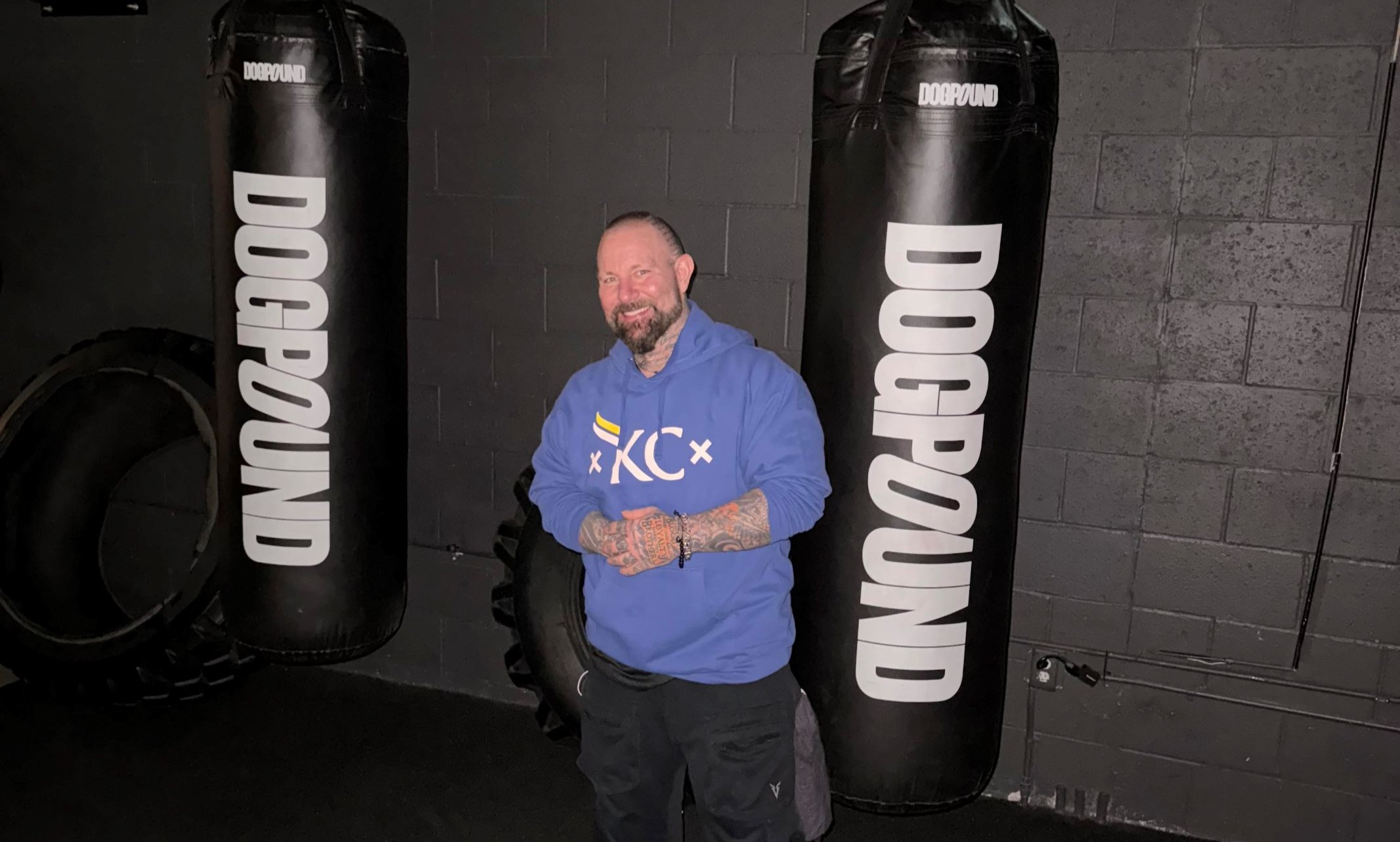
Hugh Jackman, Justin Bieber and Jasmine Tookes are just a few of the other clients on Kirk Myers’ DogPound roster
Are you ready for it? Meet the mastermind behind Taylor Swift’s Eras Tour workout routine.
Kirk Myers (B.L.A.) is a UMKC alumnus who is a rock star in his field. As a Kansas City area native, he says that our city laid the foundation of who he is now. He was a UMKC student when he ultimately found his end game and moved to New York City to build his empire. Myers is a household name in the fitness industry, with clients ranging from models like Adriana Lima to singers like Swift, Justin Bieber and many more. Myers moved to New York City in 2011, and enchanted the personal training and fitness world in 2015 with DogPound, and his empire has only grown since then.
What made you decide to start your fitness business?
I had my own battles with obesity at a very young age to the point where I almost died. I was determined to get myself healthy and fit and was able to lose weight. I set out to help others and from then on that’s been my mission and I love it.
What made you decide to attend UMKC and what did you study?
My brother went to University of Missouri, but my sister went to UMKC for law school, and I had always heard good things. My initial major was elementary education, but I ultimately decided to go with liberal arts and pursue my passion in fitness. I ended up losing 100 pounds during my time at UMKC!
Where did the name DogPound come from?
I was introduced to Hugh Jackman around the time I was starting to create my own brand and since he always brought his dog around, the inspiration for the name DogPound really came to fruition.
What makes DogPound stand out in the fitness world?
I’d probably also have to say the community we have, our staff, trainers and clients. It’s like a family, and we look forward to seeing each other every day! The community is strong, and clients really feel that because it’s authentic. We also have some super unique training methods that keep people coming back for more. Pairing clients with a team of trainers allows for constant variety while keeping some consistency.
Do you think your experience as UMKC impacted your future? How so?
Absolutely! It taught me that anything is possible and to never give up on your dreams. I took those lessons and put it into my work ethic.
How do you think Kansas City impacted you as a person? Do you think it gave you the opportunity to grow into who you are?
I love Kansas City! I think it’s amazing and I call it a hidden treasure. There are so many good people, cool art and history. It laid the foundation for who I am. My family and childhood best friends still live there. My first time really living in a city was when I went to UMKC, so it exposed me to a more urban lifestyle.
How has an education at UMKC helped you?
I think what I appreciated and learned the most is how to balance a busy schedule and how to do research. Those are two things I currently use every day as founder and trainer at DogPound.
What would you say to students who aspire to be successful like you?
Stay humble and keep at it! You can achieve anything you put your mind to but it’s important to give back and always remember where you came from.
Is there anything outside of DogPound that you are proud of accomplishing?
When I began as a trainer, I wanted to help people. As the company grew, we developed the five pillars of our brand — teamwork, passion, authenticity, positivity and to give back — all of which we believe has really led the vision to grow and helps define our purpose. Through these pillars, we’ve partnered with organizations that support children like Community of Unity for many years as well as volunteering at The Bowery Mission in New York City. I am proud of the way our team extends their community to those who need it.
What advice would you give to prospective UMKC students, or current UMKC students?
Be OK with not knowing what you want to do in life as you enter your college years. Your 20s will be a rollercoaster decade. Have fun, but also be smart and try to plan ahead when possible.
Feb 26, 2024
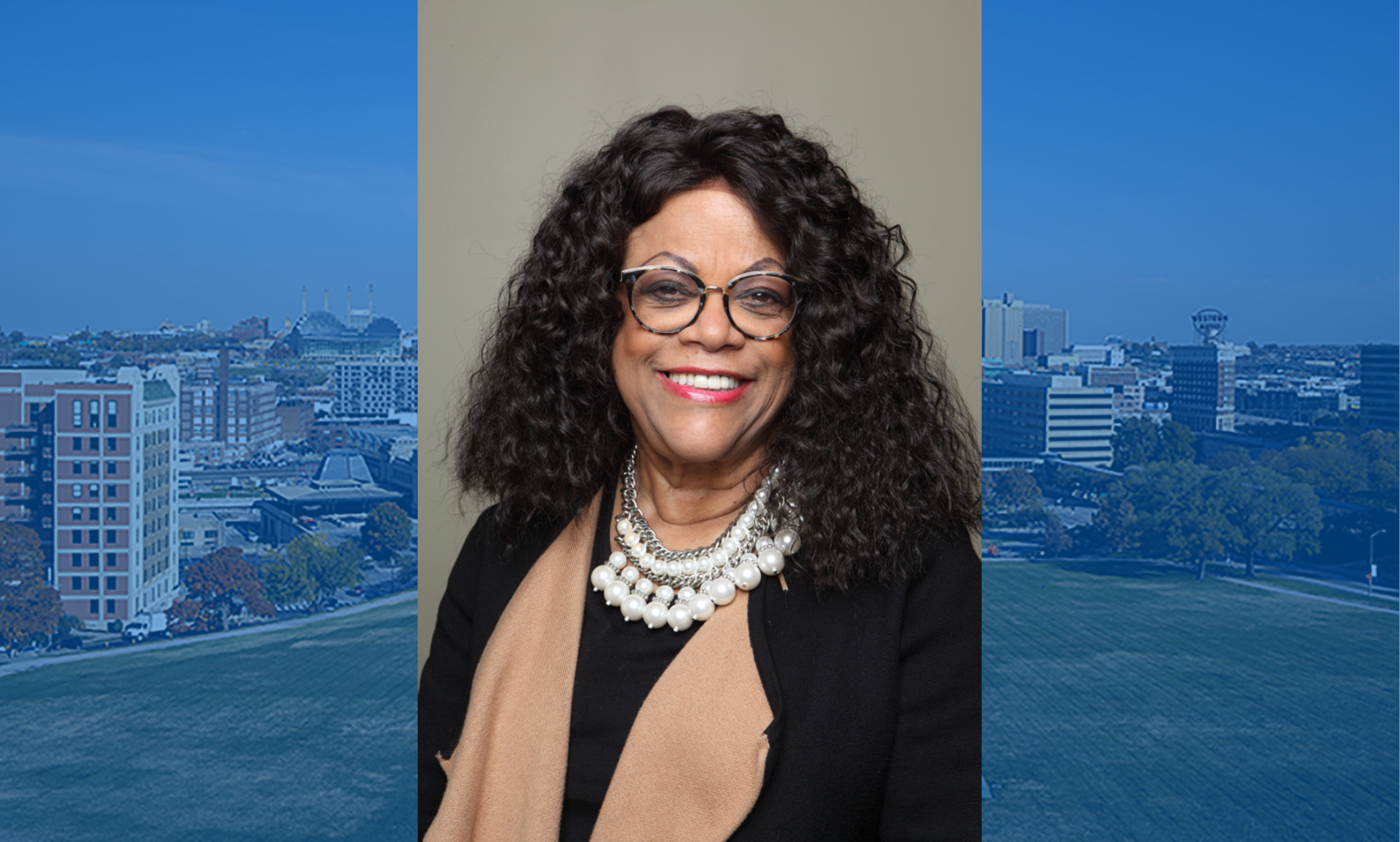
UMKC Alumni Association recognizes Carmaletta Williams, Ph.D., with Spotlight Award
Each year, the UMKC Alumni Association recognizes the achievements of outstanding alumni with an awards celebration. The Spotlight Award recognizes the excellence of a member of our UMKC community whose accomplishments, leadership and public service have caused regional and national attention to be focused on the university and the metropolitan area. This year, the Alumni Association is honoring Carmaletta Williams (B.A. ’84, M.A. ’87), Ph.D., with its Class of 2024 Alumni Spotlight Award.
Williams earned her bachelor’s and master’s degrees in English from UMKC. She boasts a 28-year-long career teaching English and African American Studies at Johnson County Community College, where she also served as the founding Executive Director of the Office of Diversity, Equity and Inclusion. In addition, she received an Emmy for her portrayal of Zora Neale Hurston in “Zora Neale Hurston: Queen of the Harlem Renaissance.” She currently serves as the executive director of the Black Archives of Mid-America.
“Dr. Williams is engaged in extremely important work in this community,” said Diane Mutti Burke, Ph.D., director of the UMKC Center for Midwestern Studies and co-director of the UMKC Center for Digital and Public Humanities. “The Black Archives of Mid-America, with Dr. Williams at its helm, is one of the most significant institutions engaged in the preservation and dissemination of the history of Black Kansas Citians, a community of great national historic significance.”
It was clear speaking to Williams that her work is not slowing down any time soon.
What inspired your interest in English literature and a career in teaching?
My goal as a child was to become a writer. My mother told me that was well and good, but I needed to be sure that I had a regular income to support myself. She suggested that I be a teacher who writes. I always considered myself a writer who taught.
In what ways do writers and poets of color uniquely contribute to the English literature genre and to our shared global community?
Writers have an obligation to pull their readers into the work and have them share the experiences that they are sharing. Because the largest oeuvre of American literature is of the white European writers, Black writers and writers of other ethnic backgrounds have a unique perspective of life and lived experiences that they have to make accessible for people who share their heritage and for others wanting to learn more.
You received an Emmy for your portrayal of Zora Neale Hurston on PBS. Is acting a new pursuit for you, and do you plan to continue?
Acting is not new. I have been performing as Zora Neale Hurston for over two decades now. I performed in church as a small child and in high school plays. Teaching is certainly performance. Today’s students, especially, were raised on television, so they need to be “entertained” as they are taught. Developing pneumonic devices so students can remember the information presented in the classroom takes a bit of the same artistry and creativity that I use in performances – I try something, gauge student reactions, and if positive I repeat it, if not, I try something else. The goals is to help them to understand the information. If students understand, they will remember.
What drew you to teaching internationally and bringing English literature to students around the world?
There is a big world out there filled with people who surely want to know more about the American experience. I gladly share this with them. And as I teach . . . I learn.
What advice do you have for students who would like to follow in your footsteps?
Although I would be deeply flattered if any of my students told me they would like to follow in my footsteps, I would advise any one of them to chart their own paths. Their talents and goals are different from mine, and probably superior, so they need to develop their own means of achieving their goals.
How did UMKC prepare you for/contribute to your success?
My mother and grandmother repeatedly told me that the purpose of an education was to teach me how to learn. UMKC reinforced that. I learned that no matter what I decided to do with my life, or how I was to earn my living, that the basics were given to me. I just had to instill them and adapt them to my life’s choices.
Feb 21, 2024
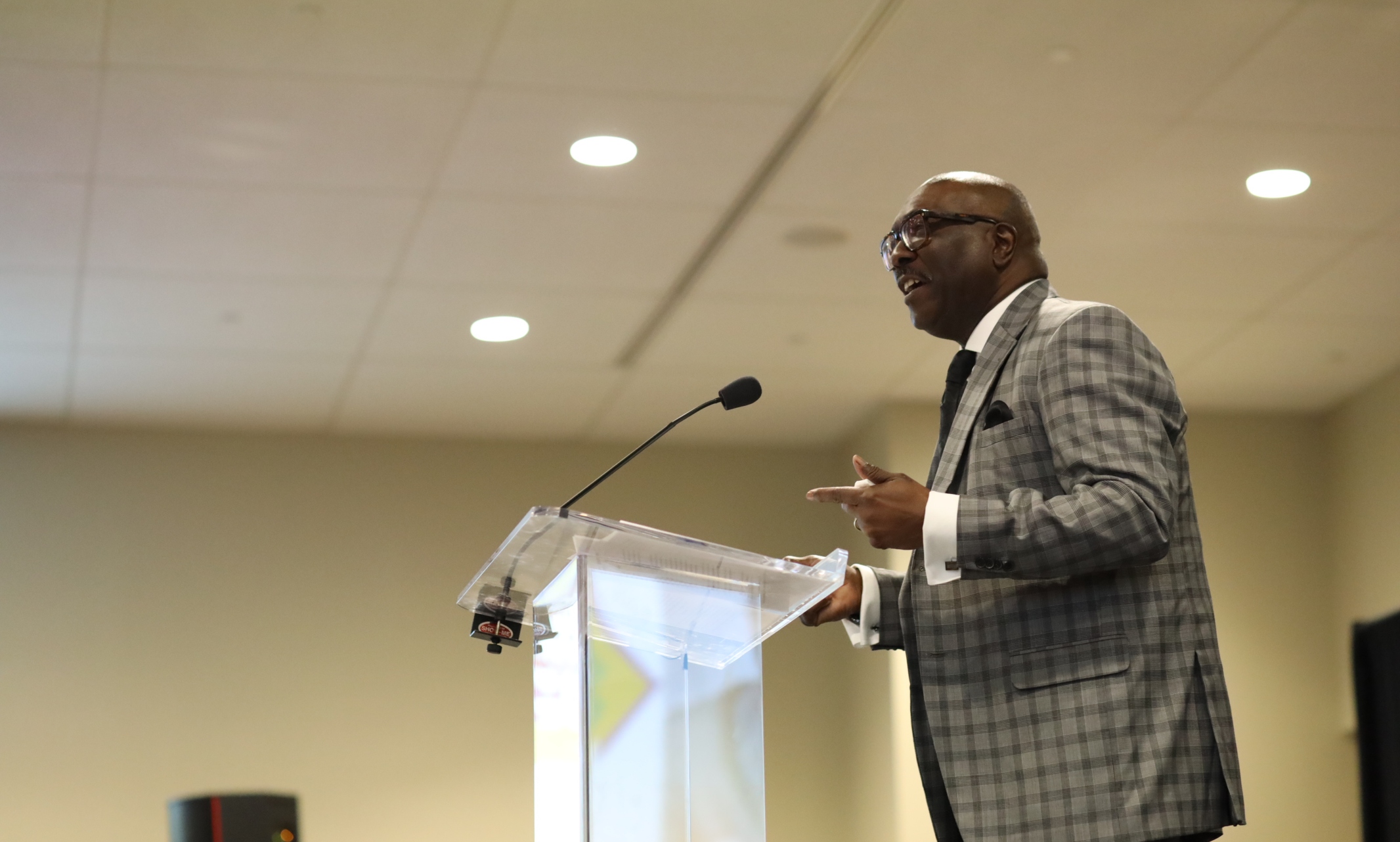
President of the Negro Leagues Baseball Museum (NLBM) Bob Kendrick shares the history of NLBM and the role it’s played in society
The African American Student Union (TAASU) Freedom Breakfast was created to commemorate the legacy of Martin Luther King Jr., promote unity and harmony within the UMKC community and celebrate people of all backgrounds and experiences.
This year marked the 33rd anniversary of the breakfast and included student performances.
Bob Kendrick, the president of the Negro Leagues Baseball Museum, was the keynote speaker this year. He spoke about the history of the Negro Leagues Baseball Museum, from its humble beginnings to the $25 million new museum campus that is expected to be completed by 2028.“Baseball is what started the ball of social progress rolling in our country,” Kendrick said. “The Negro Leagues gave women the opportunity, before the country gave women the opportunity to do things. It indeed was a pioneering league,” he said “They did not care what color you were, and they did not care what gender you were. It is wonderful to have a place where our children can enter and truly gain a better understanding and appreciation as to why diversity, equity and inclusion are valid pillars towards building respect in our society.”
“In this country, if you dare to dream, you believe in yourself, you can do or become anything you want to be. These baseball players dreamed about playing baseball, they did not know they were making history and did not care about making history. They just wanted to play ball. The pride, the passion and the determination that they displayed in the face of adversity, their story is not about the adversity, but rather what they did to overcome that adversity. This is a story that transcends race, it transcends age and it transcends gender.” Kansas City Mayor Quinton Lucas also spoke at the event.“Don’t be afraid to be proudly and exceptionally Black,” Lucas said. “We are changemakers on a university campus in Kansas City, where we are making a difference for our future.”“We need your voices making a difference. We need you all to make sure you are building the society of the future, that just doesn’t talk about equal opportunity, but lifts up our young people and lets them know about the pride and greatness they have within themselves.”
Feb 20, 2024
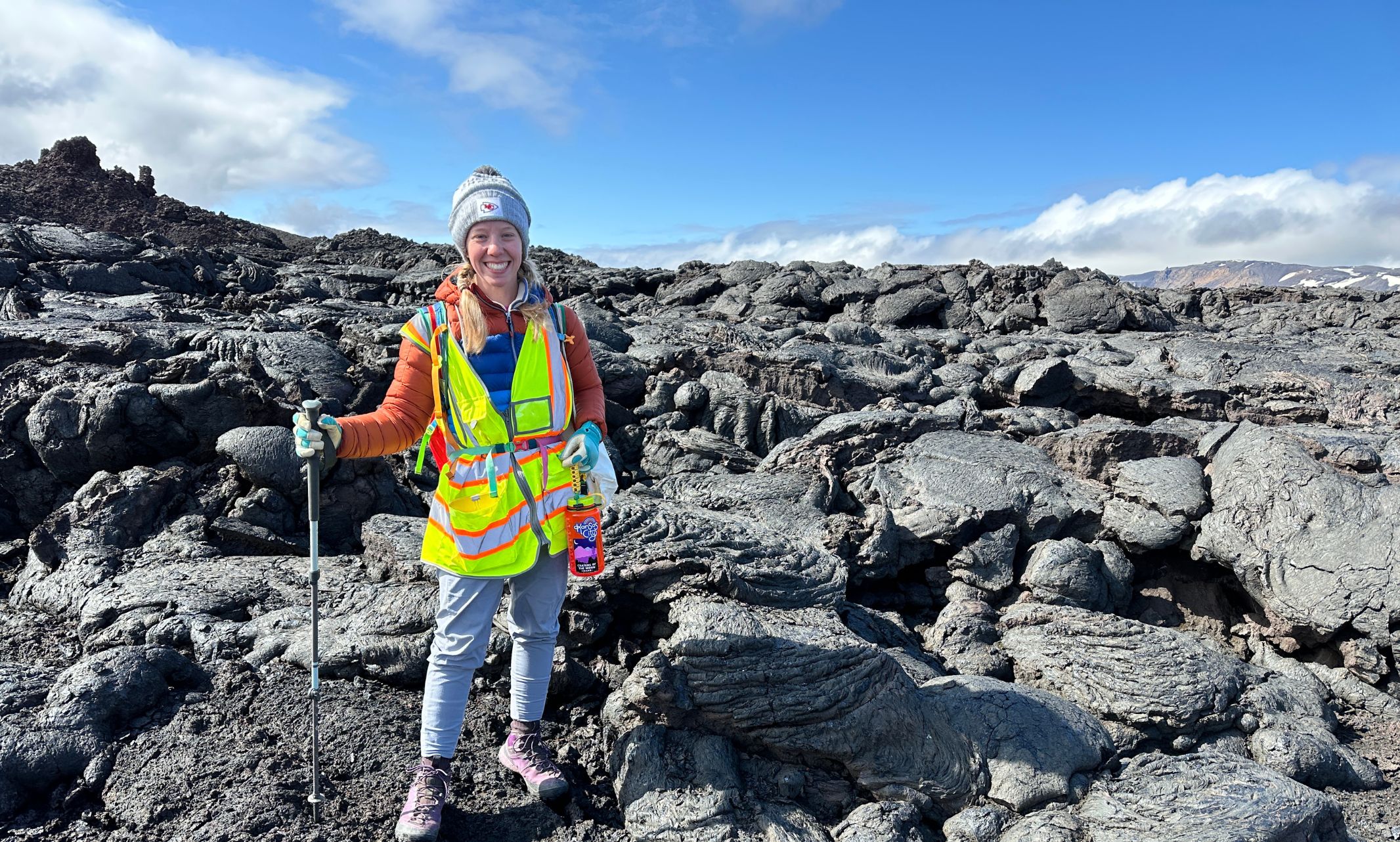
Mya Thomas’s passion for interdisciplinary learning fueled her interest in STEM organizations such as Women in Science (WiSci) and Baja Buggy
Conducting research in Iceland and working with Baja Buggies. That’s the typical college experience for Mya Thomas, who loves a hands-on approach in the STEM field. We sat down with the Science and Engineering student to learn exactly what gets her gears going.
What inspired you to pursue your major?
My major is a Bachelor of Science in Earth and Environmental Science with a geology emphasis. I am pursuing minors in astronomy and physics as well as a certificate in Geographic Information Systems. I love exploring the natural world and learning about geologic processes I can observe with my own eyes in the field. I decided to add on minors in astronomy and physics because I want to specialize in planetary geology. It has always been a dream of mine to work for NASA and help plan missions to extraterrestrial lands.
How and why did you get involved with WiSci?
During my freshman year, I first discovered Women in Science through an alumna that now works with NASA. She said that WiSci was a wonderful and supportive environment for her to be a part of while she was at UMKC. I started off as a general member, but then was elected vice president the next semester and here I am as president about a year later. Since being involved with WiSci, I have gained a passion for making STEM more accessible and success in it more achievable.
How and why did you get involved with Baja Buggy?
I joined the Baja Racing Team my freshman year because I thought it was cool! My dad has always been a fan of NASCAR and I grew up riding go-karts with him, so I developed an interest in cars and racing.
As the current president, I approach this role with a mission to, again, make STEM more accessible and approachable to non-majors. The executive team is composed of all non-engineering students, and we have leads from each engineering discipline at UMKC. I quickly learned how important it is to foster a supportive atmosphere, put trust in your team, and just ask the question when you have it.
What do you plan to pursue post-grad? Why?
Once I graduate from UMKC, I am going off to grad school to study planetary geology and continue building an interdisciplinary background in STEM. My dream career is to be on a mission planning team at NASA. I am most interested in being a part of a team that develops scientific data collection and analysis plans for a mission to planets or asteroids in our solar system. Mission planning teams at NASA are as interdisciplinary as you can get.
Why is the representation of women in science important? What does it mean to you?
Learning about science in school, I only recall hearing about Albert Einstein, Isaac Newton, Charles Darwin and Galileo. It wasn’t until late high school that I learned about famous female scientists like Marie Curie, Katherine Johnson and Mary Anning. Growing up with this narrative of science being a man’s field made it feel deviant to be interested in pursuing a career in STEM.
I don’t want young girls to feel intimidated to pursue a career in STEM. I want young girls to grow up and maintain their curiosities in science and carry that into their career paths. Building a more encouraging atmosphere around STEM would open the industry to so many more diverse perspectives.
Do you have any advice for women thinking of pursuing a STEM field?
My biggest piece of advice would be to branch out and try new things, more so if you are intimidated. Not only will you grow as a student when you step outside of your comfort zone, but also as a human being.
Do you have any current mentors who have inspired you?
Hands down,the MELT team at UMKC. The MELT team is a volcanology research team led by Alison Graettinger, Ph.D. in the Natural and Build Environment Division in the School of Science and Engineering at UMKC. Graettinger has been an incredible mentor to me regarding both my undergraduate research pursuits and my general career path. She is passionate about facilitating her students’ success. The path I am on feels so much more fun with Graettinger and the MELT team by my side.
Feb 19, 2024
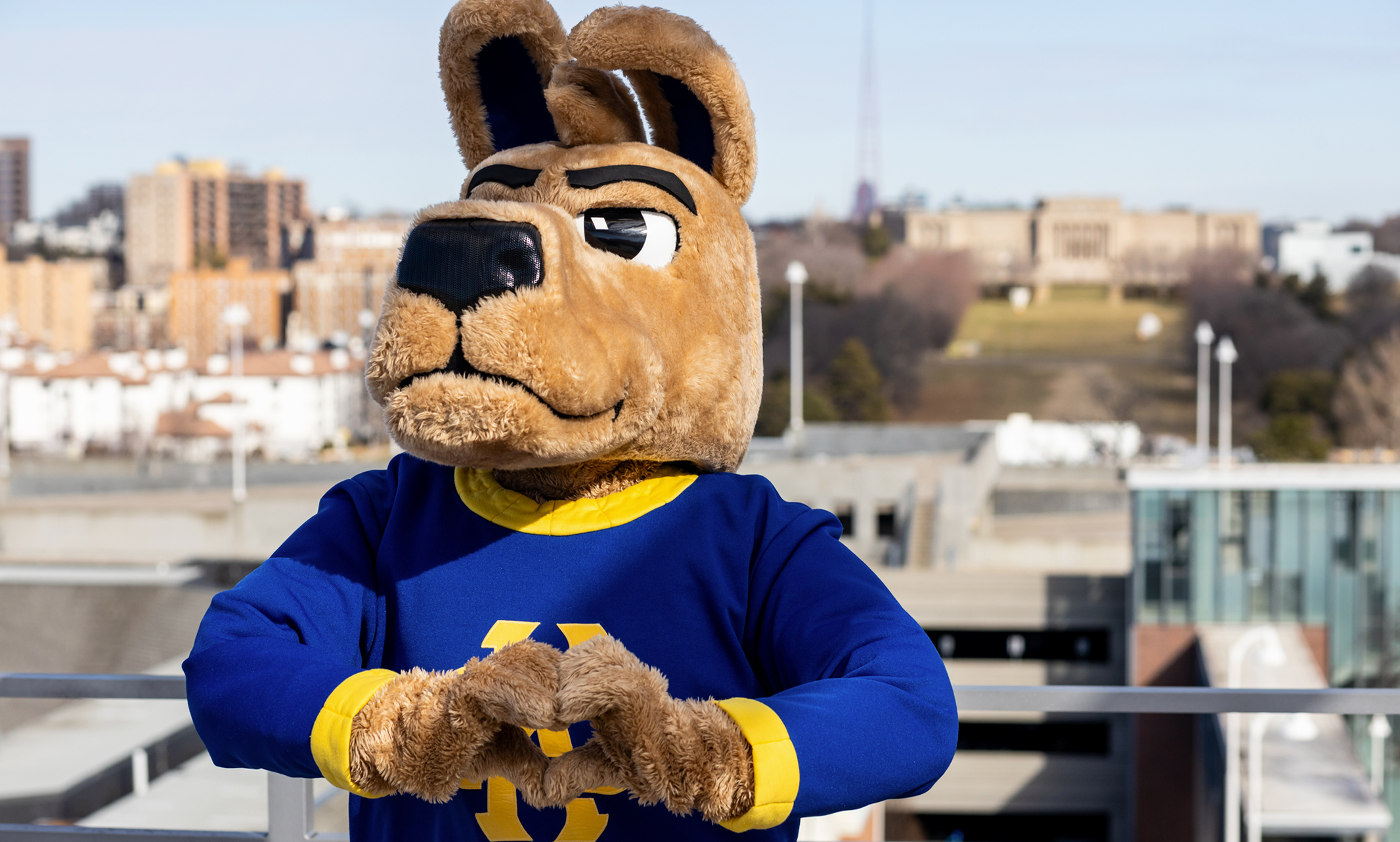
This American Heart Month, two UMKC faculty members discuss all things heart, both physical and emotional
For American Heart Month, we talked to cardiologist Tracy Stevens (M.D. '90), and licensed professional counselor Shantai McCray, M.A., L.P.C., about keeping our hearts feeling good, healing a broken (or damaged) heart and more.
Whether you plan to spend the holiday with your special someone or by taking part in some self-care, our two heart experts and UMKC faculty members can help make every day an opportunity to celebrate your heart, not just Valentine’s Day.
Stevens
Stevens is a professor of medicine at UMKC, a cardiologist and medical director of the Muriel I. Kauffman Women’s Heart Center. She found passion for all things heart when she was working as a physical therapist at Saint Luke’s Hospital’s cardiology rehab center, and decided to attend the UMKC School of Medicine’s four-year medical program.
“I still remain so grateful for the education and experience in my four years at UMKC,” she said.
She has been a champion of women’s heart health throughout her career, and is passionate about educating people about ways to keep their hearts healthy.
McCray
McCray originally planned to attend law school, and first became a family court case manager, where she found she had a gift for compassion and understanding. Her plans for law school were still in sight, but as she started her family she continued her work in the field of mental health, substance abuse and family services.
“At some point I had figured out that this is what I was supposed to be doing,” McCray said.
After earning a master’s degree in counseling, she started a private practice and eventually became an adjunct teacher in the psychology department at UMKC in 2022.
What does the average person need to know when it comes to taking care of our heart?
Stevens: It boils down to one word and it’s “discipline.” We can prevent traditional heart attack and stroke by 95% by engaging in lifestyle strategies. It’s what we know to do, we just aren’t doing it. Eat healthy. Think of a plate, not a platter. Half the plate is vegetables, a quarter fruit, a quarter protein. Just keep it simple. Stay active. You don’t have to be a maniac about exercise, but move. Do what you like to do and make yourself do it. Maintain ideal body weight, don’t smoke, limit alcohol and avoid prolonged sitting. Sitting is the new smoking and it’s killing us.
If we do those ideal lifestyle strategies, it reduces our risk by 95%. If you just pick two, you reduce your risk by 92%.
McCray: One of the things that I think is important both personally and in my position as a helper, is first, acknowledgment. Sometimes I feel like that is the biggest part of the battle, because we live in a society where productivity is key, and we continue to move and to go and to get involved and to be engaged, and there’s not enough focus. There hasn’t been enough focus on making sure that you’re okay so you can be at your best when you’re doing all these things. Just be in acknowledgment that there’s something going on, that you’re feeling something. It’s okay to feel it. Because we’re in this rat race, we don’t always stop.
I give the example of putting my feet on the floor in the morning and asking myself, ’Where am I?’ And not physically, but, where am I? What am I feeling? What do I need to do in order to get myself to a better place?
If we acknowledge it, then we can be prepared to work through it. If we push it to the side, that’s when it starts to build up and that’s when you start to have some of the larger issues.
What signs might indicate our heart isn’t in the best shape?
Stevens: If you’re stepping on the gas and now you can’t get the gas, you should think, “could this be my heart?” Anything exertional that limits you from the waist up. We think of a heart attack as the Hollywood holding-the-chest-clenched-fist visual. We don’t do a good job of asking about chest pain. It could not be chest pain but chest pressure. It could be indigestion, shortness of breath, pain between the shoulder blades, a toothache, elbow pain, dizziness. A symptom I worry about is new overwhelming fatigue. Anything from the waist up, including fatigue, that you can’t explain, you should ask, “could this be my heart?”
McCray: You know what it feels like to feel normal. When you notice you’re feeling abnormal or something’s off, you have to pay attention to that. If you’re in practice of checking in on yourself mentally or physically, then you have a better idea of what’s going on. If you aren’t accustomed to tapping into your emotions, you might be feeling something, but not able to recognize it.
So start with the mindset that, “Yep, I have feelings. They’re normal, and I need to be able to identify those. If I can do that, then I can do something about it before getting to a point where it's out of control.”
Let’s talk broken hearts. How can someone get back to feeling good?
Stevens: It’s never too late! We want to be on these healthy habits that reduce inflammation in our body. The anti-inflammatory lifestyle is of utmost importance, and it’s never too late to adopt healthy strategies.
McCray: Healing is not linear. You have to show yourself self-compassion and be really intentional about allowing yourself to feel. It is a process of grief when you’ve lost someone and it can be really impactful. Allow it to come when it does and don’t get into your head and judge yourself. That just adds to it.
The other thing I’ll say is still being intentional about connecting with people. As tough as it is, when your heart has been broken and trust has been compromised, connection still heals. Vulnerability begins connection. So even at your most vulnerable, you need that connection. Maybe it’s with a parent or a good friend. You can also connect with nature or a pet.
How can we help the people around us take care of their hearts too?
Stevens: It’s very sensitive, especially if you’re in a culture where people prepare food a certain way (with excess sodium or unhealthy eating habits). It’s hard to change, and disagreements break out when you try to change culture. It’s empowering people to understand that these lifestyle strategies make a difference. Even if you do just two. The best way to treat a heart attack is to prevent it. Being preventative is far easier up front than being reactive to crisis and chronic disease that could have been prevented.
McCray: When you’re talking about community, it’s just about being present. We live in a productivity-driven society, and we go and go and go. So, when we’re asking those questions and checking in with one another, if we are making eye contact and being sincere, then it allows people to feel safe to open up. If we allow ourselves to stop and really be present and intentional about connecting with one another, then we can start to reduce the stigma around emotions.
Feb 14, 2024

The School Of Science and Engineering Professor is a Certified Flight Instructor
Ahead of the Super Bowl LVIII, School of Science and Engineering Professor Mujahid Abdulrahim, Ph.D. decided to take his love for the Kansas City Chiefs to new heights with skywriting. The certified flight instructor drew out designs such as the Kansas City Chiefs logo and a heart with Travis Kelce's 87 in the middle to celebrate the tight end's relationship with Taylor Swift in the sky. His work was featured in the Kansas City Star, FOX4 KC and KMBC 9.
Feb 12, 2024
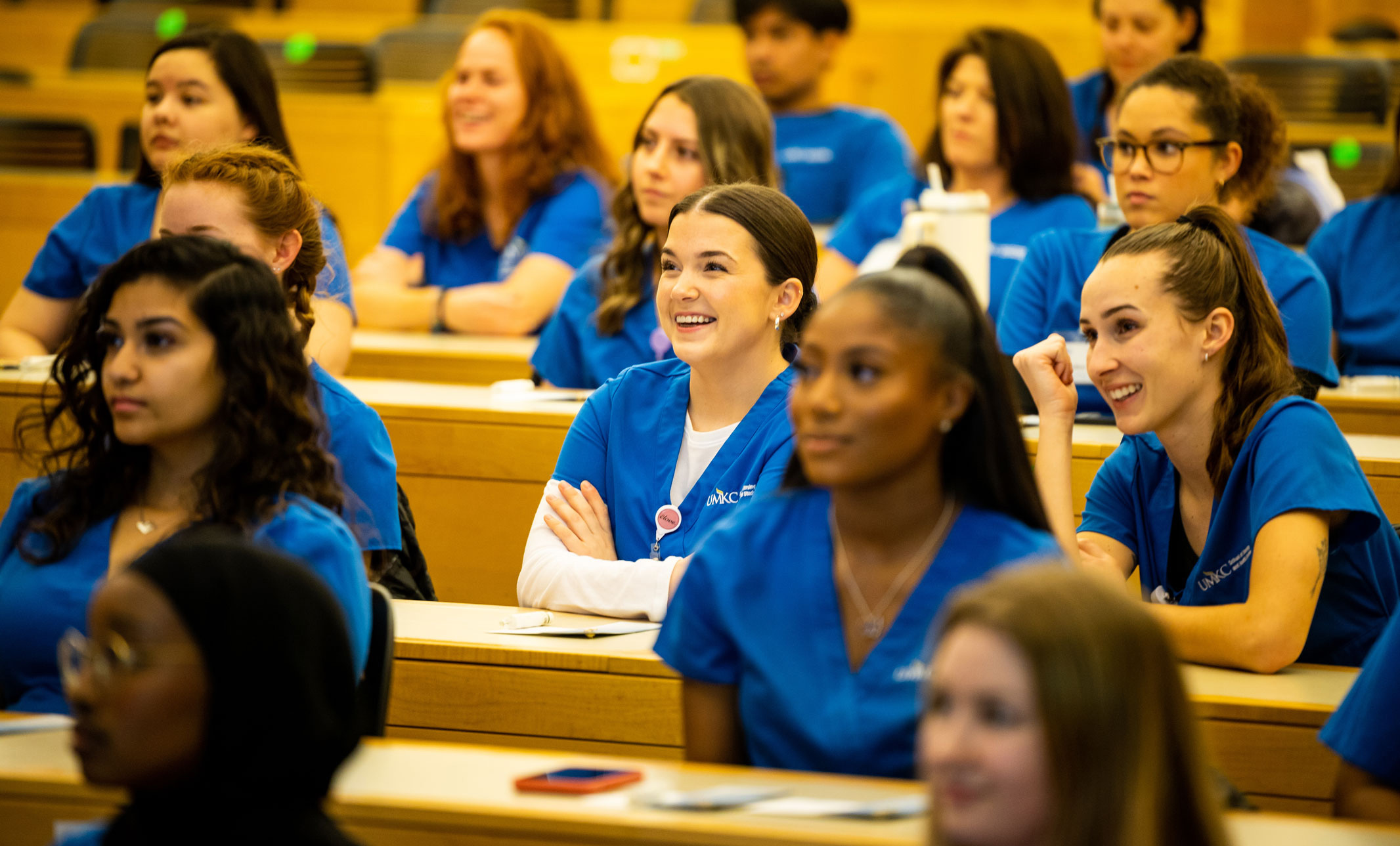
U.S. News ranks online master’s program 36th in the nation
The UMKC School of Nursing and Health Studies ranked No. 36 among the nation’s best online graduate programs by U.S. News & World Report.
According to Dean Joy Roberts, the school takes pride in the recognition for its online Master of Science (M.S.N.) program.“Our M.S.N. program has been well respected nationally, and highly ranked for decades due to the work of our faculty, staff and especially our students,” said Roberts. “Our graduates offer high-quality care and education to the people of Kansas City and across Missouri, as well as across the United States.”An early innovator in online graduate programs, this marks 12 consecutive years the program placed in the top 50. The ranking improved from No. 46 in 2023. The school’s many online offerings enable working registered nurses to continue to provide care in their communities, while preparing for the evolving and dynamic challenges of health care.Students in these programs participate in online discussions just as if they were present in the classroom. Technology offers two-way communication in real time via multiple modes. Students also receive on-site learning through summer institutes, where they attend clinical training or dissertation work sessions as well as deliver presentations to classmates and faculty. UMKC offers a variety of online graduate nursing tracks, including Master of Science in Nursing and other options:Adult-Gerontology Primary Care Nurse Practitioner (A.G.N.P.)Family Nurse Practitioner (F.N.P.)Neonatal Nurse Practitioner (N.N.P.)Nurse Educator (N.E.)Pediatric Nurse Practitioner (P.N.P.) Primary Care and Acute-Care (A.C. P.N.P.)Psychiatric Mental Health Nurse Practitioner (P.M.H.N.P.)Women’s Health Nurse Practitioner (W.H.N.P.)Ph.D.Doctor of Nursing Practice (D.N.P.)
Feb 07, 2024
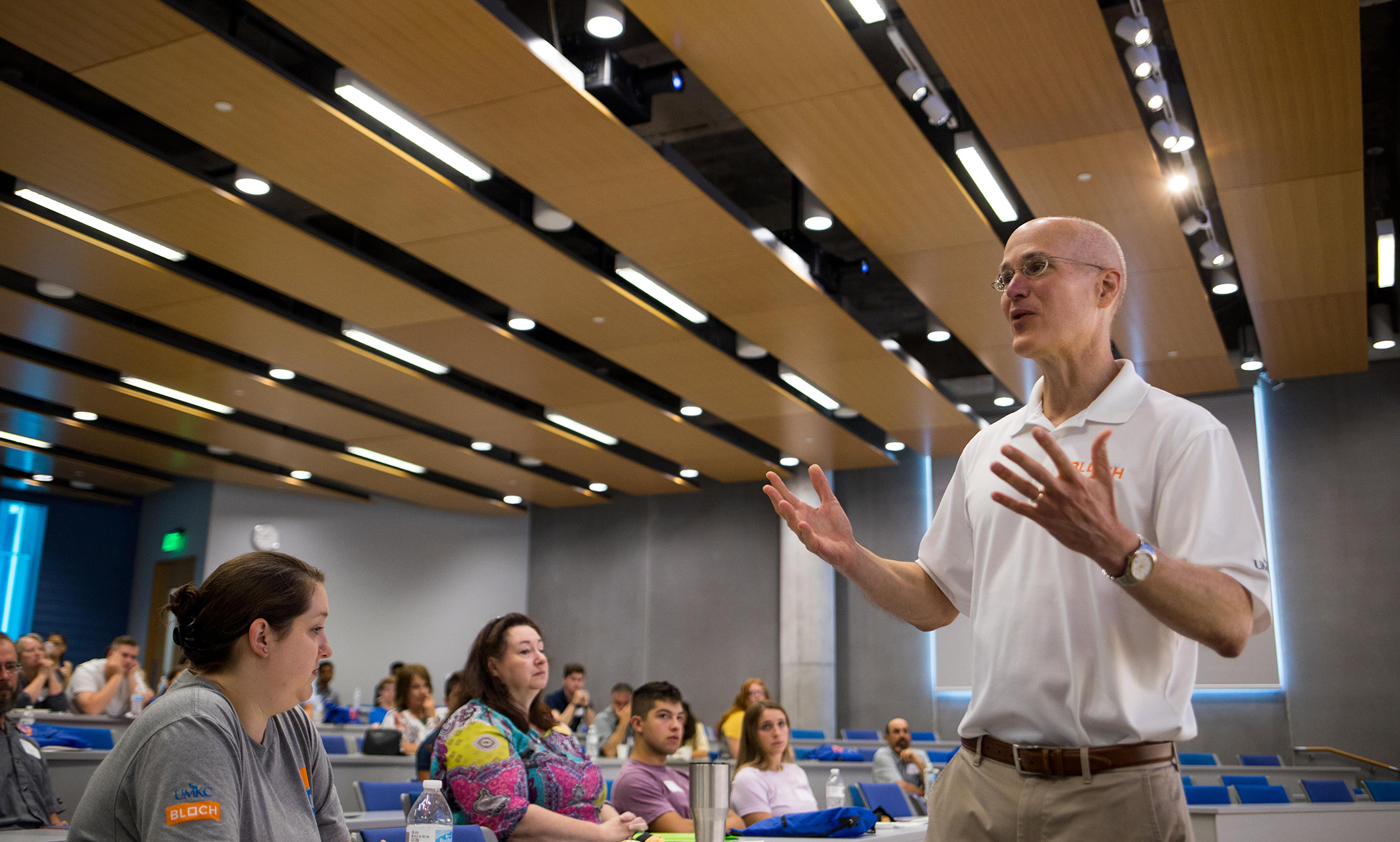
Students earn both degrees in four years, saving time and money while they get a jump on their careers
The Henry W. Bloch School of Management at the University of Missouri-Kansas City unveiled its newest program, More in 4, targeting a select, high-achieving group of students to receive generous scholarship dollars while accelerating their path to an MBA.
Accelerated MBA programs at other universities offer a five-year path to a master's degree. With More in 4, UMKC will provide a unique opportunity for students to earn two degrees - their bachelor’s and master’s in business - in just four years, saving students time and money.
“As Kansas City's business school, we're thrilled to offer students this opportunity to accelerate their education and jumpstart their careers,” said Brian Klaas, dean of the UMKC Bloch School.
The new program also aligns with UMKC’s track record as an institution committed to accelerating students’ degree pursuits, launching them more quickly into their desired careers. UMKC offerings include the nationally ranked six-year B.A. / M.D. Program at the UMKC School of Medicine and the 3 + 3 Program at the UMKC School of Law, among others.
"UMKC has a long, successful history with accelerated, combined degree programs," said UMKC Chancellor Mauli Agrawal. "Our commitment to providing new, first-class opportunities to our students is what makes us Kansas City's top university."
By earning their MBA, students open a world of career possibilities and a chance to sharpen critical thinking and communications skills while they gain business and leadership skills to advance their career more quickly. More in 4 also taps the vast business leadership network of Kansas City and the Midwest, offering up the real-world learning students are looking for today in a college experience, according to a recent article in Insider HigherEd.
Students who complete the More In 4 program will graduate with a Bachelor of Science in Accounting or Bachelor of Business Administration as well as a Master of Business Administration.
Bloch alumni Nathaniel Hagedorn, founder and CEO of Northpoint Development, offered inspiration for the More in 4 program and sees it as an opportunity to build talent for the region.
“We are very grateful to Nathaniel Hagedorn for his very generous financial support of the scholarship program and also for his willingness to engage with and mentor program participants,” Dean Klaas said.
Feb 06, 2024
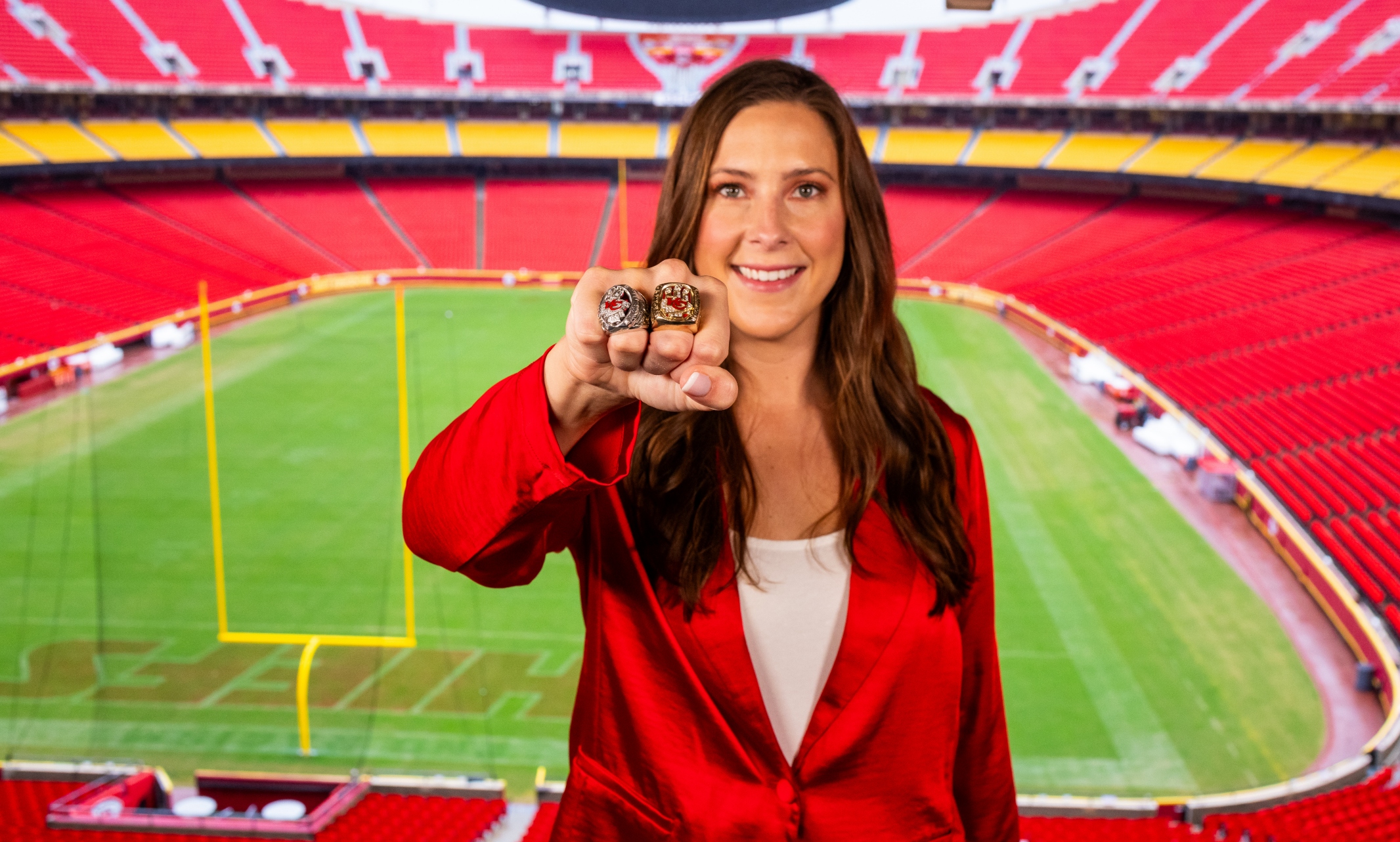
History student gets opportunity to work with the Arrowhead Art Collection
Meghan Jaben (M.A. ’16), Interdisciplinary Ph.D. student in history, has a unique internship accomplishment.
“The Chiefs have won two Super Bowls since I’ve been here, and we get a Super Bowl ring as part of the organization,” Jaben said. “It’s awesome that we’re able to have this memory of such great seasons.”
GEHA Field at Arrowhead Stadium is not just a Kansas City icon. This season, the Chiefs announced an official partnership with UMKC that provides some truly unique opportunities to students just like Jaben.She got to work with the Arrowhead Art Collection, which houses multiple pieces of art throughout GEHA Field at Arrowhead Stadium . It began as part of the 2010 renovation. Every piece was made by an artist with a connection to Chiefs Kingdom.
Photo courtesy of Meghan Jaben
“I got the opportunity to come work with the collection through an internship with the UMKC history department,” Jaben said. “It’s a funded internship where they match you with an opportunity in the community.”In Jaben’s case, that opportunity was at the Kansas City icon, GEHA Field at Arrowhead Stadium . This would be a touchdown for any student’s career, but as a former college athlete, Jaben was particularly excited.“I watched sports growing up. I also played sports, so sports have been a really big part of my life,” Jaben said. “To be able to blend sports and art was the dream, so it’s been really fun.”Such an opportunity isn’t available to every college student. Jaben credits the proximity to the city.
“There’s huge value in being a student in the city where there are so many opportunities,” Jaben said. “There are alumni. There are community members to connect you. There are existing relationships with organizations that help a student who might not have those connections be able to branch out. Kansas City is full opportunities waiting for them.”
Feb 06, 2024
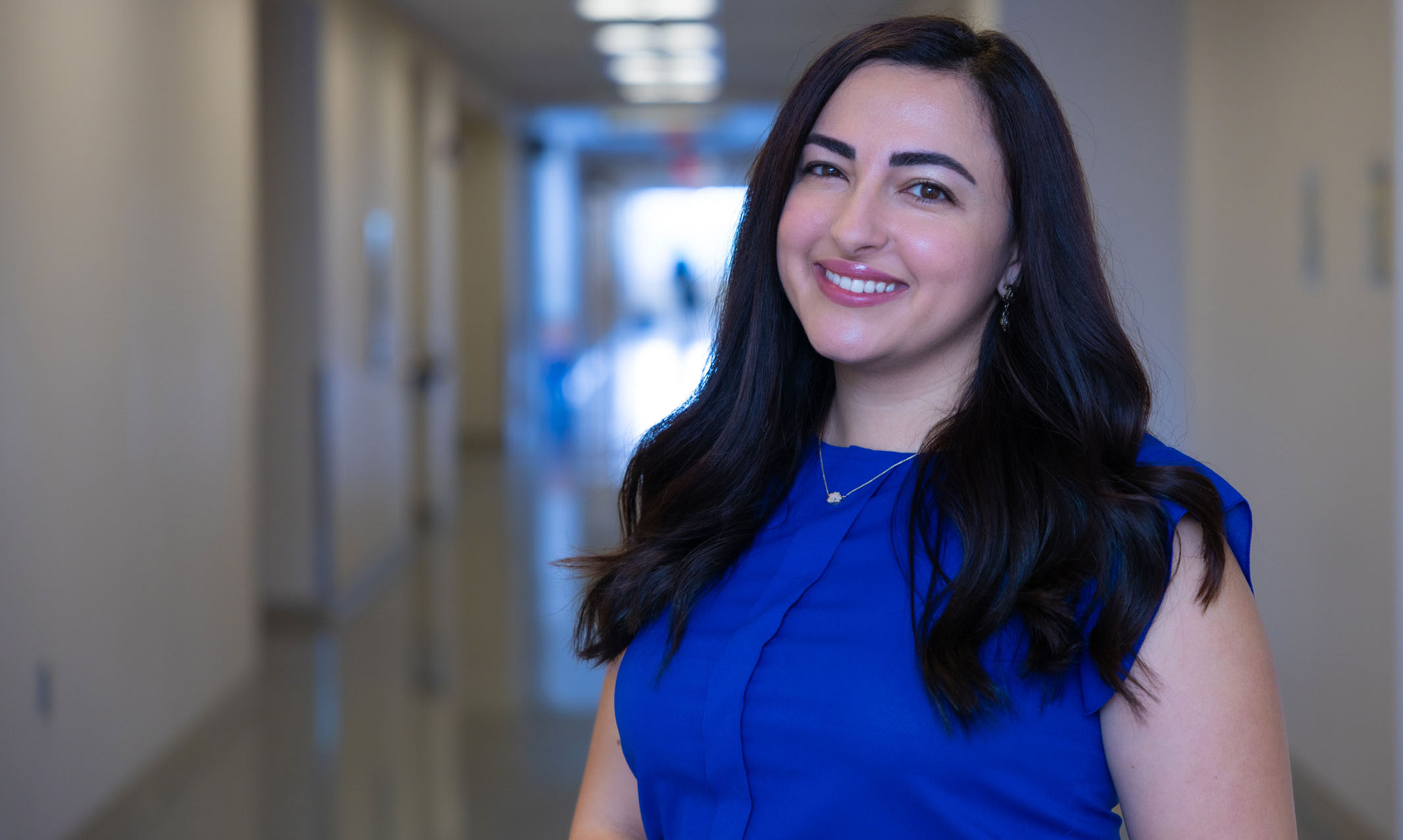
Diana Tamer worked with the African Access Initiative, which is targeting the cancer crisis in Africa
For Diana Tamer, Pharm.D., oncology is a calling. What fuels her passion for treating cancer comes from diverse places – from her first oncology patient to the health-care workers she trained in the Ivory Coast.
Her expertise in oncology pharmacy presented her with a unique opportunity last summer to train health-care workers in Africa through BIO Ventures for Global Health’s (BVGH) African Access Initiative. The initiative targets the growing cancer crisis in Africa by connecting international experts to health-care providers in Africa. By expanding access to provider expertise, the goal is to empower African health-care professionals to provide high-quality oncology care across the patient population.Tamer initially signed on to deliver an online lecture on oncology to health-care providers across Africa. As an expert in the field, creating an oncology lecture is old hat for her, but this particular training was a bit more complicated — it needed to be in French, the official language of several countries in Africa. Thankfully, Tamer grew up speaking French in her native country of Lebanon, but she hadn’t spoken the language regularly for many years. It would normally take her 20 hours to put together a new lecture. This ended up taking about 60.Although preparing the training would take a lot of work, Tamer had the full support of her colleagues in the Division of Pharmacy Practice and Administration. When she approached the chair of the department, Cameron Lindsey, Pharm.D., with the opportunity, Lindsey thought it was meant for Tamer.“The opportunity was perfectly matched for someone with Tamer’s expertise and her ability to communicate, coupled with her longstanding passion as an educator and pharmacist,” Lindsey said. “Her local and national impact on cancer prevention, screening and treatment is well known, and it enabled the training of so many people across the globe while elevating the health of patients in the region.”Nearly 150 health-care providers, including nurses, oncologists, physicians and pharmacists from 27 African countries attended the online lecture. Tamer’s lecture lasted an hour and 15 minutes, but she stayed on the call for another 90 minutes answering questions. “They were really thirsty for knowledge, and they really wanted to make a difference,” Tamer said. “When you see that as a professor, it makes you want to give even more.”In preparing for the lecture, Tamer began to see an alarming trend in these African countries that spoke to what she is passionate about in health care.“Cervical cancer rates are high in Africa,” Tamer said. “It’s killing a lot of women. Young women with kids and families —and it breaks my heart.”From that point forward, Tamer was all in. There was an in-person training already scheduled in the Ivory Coast in July 2023, and she wanted to help out. To make that happen, she cut short a vacation to Lebanon.
“I am in academia because I feel that I can impact more cancer patients by passing on my knowledge to my students,” Tamer said. “I’ve always dreamt of helping places that lack access to high quality health care, so this was an opportunity of a lifetime. I was going to do everything to make it happen.”For the in-person training, Tamer worked for weeks in tandem with BVGH and a fellow oncology pharmacist in Canada, Charles Collin. The three worked together for weeks developing the specialized training. They went separately to the Ivory Coast, with Collin traveling to Africa first, and Tamer and the BVGH team arriving two weeks later. They communicated frequently during Collin’s time in the Ivory Coast, and soon realized their training would need to be drastically reworked.“As soon as Charles got on the ground, we realized what the situation was there,” Tamer said. “They wanted us to advance clinical pharmacy services, but basic pharmacy services needed to be developed first.”Over the next two weeks, she reworked the entire training to outline many of the best practices that are the norm in oncology pharmacy and infusion centers in the United States. From doctor-pharmacist communication to safety measures handling oncology medications, Tamer went over everything that health-care professionals expect in a modern clinical oncology pharmacy setting.Once she arrived in the Ivory Coast, she presented training to 20 health-care workers eight hours a day for three straight days.“I’ve never talked this long in my life,” Tamer said. “Typically, on the days I teach for a few hours at UMKC, I am wiped out for the rest of the day.”But Tamer was not done after the day-long training. Once she finished lecturing, she spent her evenings tweaking her teachings with things she learned that day. She toured facilities, including hospitals, cancer center and pharmacy. As time went on, the health-care providers started opening up to Tamer, providing her with a more complete picture of where their health-care system stands. On her last day, the doctors on site invited her to present her findings and outline how they could work at the government and hospital level to fill in the gaps they have compared to modern clinical pharmacy practice in countries like the United States. Tamer continues to work with the BVGH team to develop and complete a post-visit report exploring opportunities for improved oncology pharmacy services there as well as improved cancer patient treatments and outcomes. Tamer’s hard work is much appreciated by the health care workers who took her training, like Dr. Eunice Adouko, a pharmacist at the Alassane Ouattara National Radiotherapy Center in the Ivory Coast“BIO Ventures for Global Health’s oncology pharmacy training has been a high-quality initiative to improve the knowledge and skills of pharmacists, practitioners, technicians, and nurses in cancer centers,” Adouko said. “Thanks to Dr. Diana Tamer and Charles Collin, we now have excellent resources in terms of cancer treatment.”When Tamer began her oncology career at AdventHealth Shawnee Mission Cancer Center in 2017, her passion for the field took root with her first two patients. On her first day at the center, Tamer had two patients begin treatment for cervical cancer. The two women were in their early 30s, and Tamer developed a close bond with both. One of the women would go on to survive, but the second patient did not. Tamer treated the latter for four years, trying non-traditional clinical treatments and pushing to get her patient in sought-after clinical trials. This was at the height of the COVID pandemic when many health-care workers were under incredible stress.“Before she died, she told me, ‘Promise me you will never quit what you are doing, and you will continue to make a difference in people’s lives,’” Tamer said. “I did promise her that, and I told her that people like her make me want to continue doing what I’m doing despite all of the challenges. “And that’s what drove me to go to help in Africa as well.”
Tamer was recently featured in an Advent Health Shawnee Mission piece, titled, "Keeping Her Promise."
Feb 05, 2024

More than 1,500 students recognized
Here at UMKC, we understand that excellence takes time and energy. It requires commitment and tenacity to push through the harder times. During the Fall 2023 semester, 1,516 of our undergraduate and professional students made the Dean’s List.
This is an incredible academic accomplishment. Students must complete a minimum full-time program of 12 graded hours and meet their individual unit’s GPA threshold to qualify for the Dean’s List. These students showed what it meant to take pride in their academic success. If you know someone who made the Fall 2023 list, make sure you congratulate their achievement!
Below are the Dean’s Lists for the Fall 2023 semester.
Conservatory
Ciel BackusBrett BoyerIsabella BrownRiley BuckWilliam ClippardAurora ConroyNathan CoveyElsa DickersonFrancesca FarinaCameron GurssJackson HarrisonHadley JarvisGalen KroegerGrace LaughtonSantino LicameliAbby MauldinSarah McguyerZoe MeinsKendal MeyerMichelle NelsonChin NukulvutthiopasAshley NunezDavid OosseDillon PottsRozlynn RichertMicah Ruiz EsparzaHenry ScamurraEmily SchutzelWhitney SchweigerCrew ShaferMia SparksElla StottsThomas WelnickZach WestMaddie WilliamsBrady WolffManyi WuJohn Zhu
Henry W. Bloch School of Management
Sarah AbdelgaderSasha AhmadKaitlyn AllcornParker AllenKeilyn Alvarado-OrtegaSophia AmesBrenna ArmstrongJoshua AsfawLeena AssafCamden BakerRobin BaltersJack BeardDarren BemissIsrael BerhanuLessly BerriosAndrew BetzEzra BottsJulianne BromagenAubrey BrownJack ButtsMael CaissonMak CaldwellCarlos CamachoStefano CamerlengoAutumn CampbellJoel CamposJacobi CapletonJose CardosoChandler CarterBrianna CarterQuinn CavinHenry CharlesYan ChenXuyuzhi ChengOlga CherniavskaChris ChiSatori ClosserWen CloughMadi CochranBrevyn ColeMatthew CollingsBraeden ConnellyZach CoonCassidy CooperCaroline CooperBrie CoxZaylee CoxAllie CrawfordMackenzie CroleyAbby CrooksToby DaleyDaniel DavalosPaola DavisNicole DavisTarrin DeayonSarah DeckerSeth DenbowAshton DevinPardeep DhillonAdriana Diaz LeguilluKannon DillaboughKelvin DinhArnela DzilicGreta EbersoleAbbi EllermanClayton ErhardKendall ErnzenLuke FacinelliMesa FalleurMiguel Fernandez NovasSebastian FloresSydnee FlowersCaroline FoellerLuke FosterJesse FrazierFrancis Reynald GatdulaAki GebreFathi GeelleCelina GentaKiera GodseyBryson GoschJohn GosseBlane GrayDaniel GutgesellSaid HajiLily HayChris HayterMorgan HeimsothGriffin HerSophie HernandezDeya HernandezKenya Hernandez-LopezClaire HicksJosh HinkleLucero HinojosSophia HoKatie HollarJoshua HoodBryce HortLibby HortonXiaoyan HuKiki HuangCaleb HubertDavante HudsonJessica HuynhSeungwoo ImEmily ImesOlga IvanovaParker JohnsonLiam JoyceTyler KalmRirika KamimuraCiara KaneSarah KannenbergNavi KaurSukhmun KaurGrace KertzJackson KingEmma KratzSamuel KrauseAnna KruegerTaylor KvaleBrooklyn LammersShfeo LarJordan LaubLily LefferdKatie LemonIsaac LetschSophia LimongiWeijia LiuYijun LiuCyrus LoarHope LockeEmily LongEric LopezAdriana Lopez-JuradoBojia LuCassandra LudwigAvery MarsdenZoey MarshallMia Matthews-BeavenMorgan McginnisCharles McGrawLeah McIntyreMyles MeadJason MearsIvonee MejiaMcKenna MestasHunter MiesnerKai MillerAmber MillsHayden MitchellTiara MoraDonovan MurnieksShayla MurphyJami NaranjoMarissa NeuerAnthony NguyenKim NguyenVivian NguyenAnh NguyenJustin NguyenQuan NguyenRyan NguyenZach NicholsDylan O'BrienTengis OchirbatAndrew O'DellCameron OesterleNoelia OlivaresFernando OlivaresJavier Olivares BurgosJoshua OliverAlice OropezaMcKenna ParsonsDeesha PatelSahil PatelKrina PatelElyse PayneSydney PedersonSavannah PeisertMarlon Perez-MoralesMya PhamHuynh PhanTara PopeEthan PotterSarah PottsDunia QakeiCassandra QueralJose QuintanaKeenan RandolphChase RedingtonRuben ReyesRiley RhoadsMicaela RichardsGabby RiegelVanessa RomeroJessica RomeroJazmin RomoDevon RoweAndy Sanchez-ColatoAlex SantoroKevin SarmientoMaggie SchoemehlDaniel SchwallerAvari SchwenkRyan ScottRiLeigh ScottLiddy ScuratoJesse SerranoMizki ShireMaggie SilvyMags SimmonsGabrielle SimmsEve SkilesKaity SmithLexy SmithPhilip St. JohnEmily SteinbeckMiriya StilesEvan StonerKristen SwartsRaivion TaylorWhitney TaylorGavin TewErin ThessenSivkan ThindDrew ThompsonKaelyn ThompsonKyler TickleAnastassiya TimofeyevaMandy TranMae TuschmanBrooke TwaddleAlex UnsethStacia UtleySteven VuYue WangPaige WerremeyerTristin WhittonMarissa WilliamsLance WillyardBen WilsonEmma WoodTianzhao XuIvy YangGrace YuYing ZhuLauren Zoller
School of Dentistry
Ahmad AlhoutiAli AliMichael AllisonFares AlsafarNeil BoesCamden ChastainMegan DartDrake DuganGiovanni FerraroJason FirthShelbi FlahautIsabella FriemelThomas GareCasey GeddesMichael GimottyJackson GlynnSeth HofheinsNaima IbrahimChristopher JohnsonCole JohnsonTia KahwajiElizabeth KiefnerAnastasia KruegerPeyton KusgenKaylee KytasaariRobbie MauGabby MertzEthan NettlerAnh NguyenKylie NicholsMichelle PalmerK-Leigh PappasRiley PerelesQuinten ReasonerMatthew RodriguesKatie RoeAdam SattlerHailey SchlupAmy SchmiemeierHadley SchreinerMackenzie SimpsonLauren SlavensDiana StepanovaJustin SurberJaiden TaggartSaxon TeubnerJuliana TomitaJacob TrammellMatthew WahleClaire WaughEdward Wun
School of Education, Social Work and Psychological Sciences
Bahsan AbdiShams AlarthyElla AlexanderRayan Al-HamdiReena AlshalabiRosa Alvarado-RodriguezGenesis Amaro VenturaConnor AthearnMadison AtkinsIsabella BamnolkerAlyssa BarbeeAdelin BaynumCharlie BellAmna BilalElaina BlodgettJo BoosmanJaylie BuiJenna BulgerErica BurnettAlex BurneyLucy Cardenas VargasMargaret CarsonEileen ChangAngie ChavezMariah ChavezAva ChinnockEmily CollierRobin ConradKelsee CorbinPaige CorderoJaret CourterMartha DelatorreYico DengLaura DickinsonZach DomvilleMaleah DowntonEverett DufurKennedy DuncanAlex DunhamJennifer EnyeribeKatelyn ErceKimberly EscobedoOlivia FesslerCamille FryGio GiangrossoAlison GilbertSadie GilesGrace Gomez-PalacioNaomi GontermanAbby GuzmanEllie HackerMae'Kenya HallMyles HardyLydia HarterMayerli HerreraRaeli HowertonKatie HudsonJordan JacksonAmanda JamesAndria JersettNicholas JohnstonMattea JonesMya JonesSunita KalikoteCaroline KeithleyLyba KhawarMikaylah KingAbby LogsdonAlyssa LopezErin MagelJess MajhorGracie MalicoatNathan ManningKatherine MasonLaura McClaflinJamie McCleadHeather McCoyCheyenne McGaryBrianne McGovernMichael McGroskyKate McKownMaya MillerBrenna MorganConfi MuhozaAlex NelsonJessica NguyenAndra OkoyeSamantha PanznerLauren ParkerNatalie PeaceLily PriceRonnie QuickCurtis RadakovichRakiah RichardsonJacqueline RiveraAlanie RiveraValencia RodriguezAdeline RogersTara RossIsabella SalinasPaige SanfordCandy SarresAlyssa SchulzAmina ShahNeeti SiddiqueNoah SimsAdriana SpanglerAbigail SwansonAndrew TraceyAnnie TranLandrea Van MolMeaghan VandeheyGabi VandenburgEllery VaughnRah'ki WalkerLydia WeaverAdelaine WeidlerDallas WelchNoah WerremeyerSean WesselIsaia WilcoxenRenika WilliamsKy WilliamsGrace WilsonHenry Witt
School of Humanities and Social Sciences
Natalie AdermannAshley AllemannElizabeth AllenDanielle AltschulEsli Alvarado-IslasTaylor AndersonAlbania AndradeAshley AppleberryDaniela Arzabala LopezKaylee BaggerlyIsabella BakerAmelia BaldwinAndi BasaloKaya BeitzLogan BeltKashauna BerryKaitlyn BerryHeather BerryKayla BiggsEmily BlackMaisy BlantonMatt BollinTracey BradfordElyse BredfeldtMaddy BremerBridger BrockmanChanah BrownVictoria BrownSydney BrownKate BrummundGrace CarrYessica CasaresAugustine CaytonOlivia ChristensenJocelyn ClarkChristina CloughGrace CoganMorgan ColeMichael CollingsDestanie CollinsAbby ConnorSalome ConteronOlivia CottonJami CoxLuke CozadJay CravensDaze Creamer-EllecampPidge CrozierLilah Crum BarnhillAdelina CurielAaliyah DanielsLilith DavisAshley DavisStephanie DonovanPaul DurlandRachel EricksonAlexandrea ErismanViolet EsquivelLilly EstradaNoah FanslerMikayla FarageSam FaulhaberRae FellDaisy FergusonMachaela FordNicole ForysKelly FuentesLiliana GonzalezZachary GraggRebekah GrantDoris GravesOscar GrisNatalya GruzdAndy GuzmanYasmeen HanonHaylee HarrellIsabel HarrymanMichael HaynesGrace HeathLogan HendersonYency Hernandez-SanchezSarah HerndonMelissa HerreraKatarina HillBen HillearyLauren HirningSamuel HitchcockPhillip HoDavid HolmesPeyton HowardAmy HurleyEmily JacobsJustin JangFaduma JarikEmily JohnsonChance JohnsonSidney JohnsonParker JonesCerylean JonesDaniel JonesHugo Juarez AvalosLetty KaiserKat KalfayanTeayom KarimpourianKatelyn KaysCaiden KeenErynn KellGrant KendallSarah KirkMackenzie KlausJoshua KoopsMaddie KovarikSydney KramerLauren KreiselSara KronawitterJack KrzykowskiEliott LabethAdam LansdownJulien Le BourdoulousSam LendoHallie LewisBenjamin LewisRayvon LewisHannah LeyvaNoah LibowitzDayton LittleHennessey LopezEvie LozanoMaggie MaennerLauren MageeMayzie MangosLilah ManningScott ManuelGabby Marin CastanedaAlexandra MattssonCatie McArthurKiara McCreaFelicia McDonaldAli McKeeAubrionna MeadJuan MedranoNick MehnGeorge MendezItzel MendezEbele MgbemenaKale Marie MichaelGrace MillerWren MillerYasmina MokhtarCatherine MonaghanJose MontoyaKenney Monzon BrunoJay MooreMaddie MurphySamuel NagyAreeba NaseerJosie NewmanJessie NguyenJackson OgdenKanyon OlberdingMichelle Oliva-EspinosaAsh OnstottSarah ParkReece ParkerJordan PaxtonCaitlin PickertMegan PilegeElizabeth PorrittArthur QualmanTheo RaitzerJack ReavesAdam ReedCheyenne ReeseJacob ReevesManuel RiveraNovalee RiveraRogelio RodriguezJoslyn RossOlivia RubioBrooke RuppThessa RyanJoy RyanJouhel SalinasAbby SanduskyEmma SauerNeal SawyersEmma SaylerIsabelle SchroederAdriana SegovianoVictor SewankamboDelaney ShieldsKowthar ShireJoe SimmonsZa'Carriah SimmonsMolly SloanHarry Soper PlazaHenry SowellVincent SpriggsBenjamin SpringerReagan StarkAydan StiglerEvan StolbergPeyton StremmelJazlyn SummersTristan SupernawTennessee TaffnerHannah TawneyDa'Mya ThomasJulia ThompsonKimberly Torres-VelaSophia TrudeHannie TruongAllBright TunMichaela Vanden HullJacob VanzantCamille VerhoevenCatie WalkerAmber WaltersKeegan WatkinsAbigail WeilerDylan WelchElla WhitfieldSeneca WhortonAlexander WildtAbram WilliamsVictor WilliamsLainey WillisBrynn WinklerThistle WolfLeigh WoodyGrace WorkmanIsabella Yennie
School of Law
Kit AdderholtLoulya AlabedAllee ArmitageShep AronKelsy AustwickSidney Bach-NormanBailey BakerOlivia BanesJuliana BartoliAshley BartonMary BellRaef BellBekah BerardiCameron BerryOlivia Bess-RhodesOtto BoschReema BounajemBrent BoydJulia BreukelmanNaomi BuieEthan BureshKarima BurnsJason CantrellJosie CareyRachel CarrJohn CastelloAshley CerrentanoBrian ChristianAndrew ClarkPayton ClousePhilip ColeMakenna CopelandAshley CornishBobbie CrewTaylor CullenMegan CurrieSamantha CusumanoMegan DeanAlexus DeanTrinity DelaneyAlex DeLucaAlexis DennyEmily DesbienKendall DillonEmma Kate DillonSofia DominguezAnna DonaldsonJosie DostalJacques DoughertyChristopher DouglasMaria DunnYara DuranAlec EbersoleMatthew EblenErica EdmistenJacob EisenhauerJackson ElderWilson EllisLukas FieldsCarson FinkSamantha FisherMartina FloridoNatelee ForbesBrian FordLexie FoxJustice FrankeKit FrazenTaylor FreundKersten FrostDanny GamezJulie GastErika GreerMatthew GrimaldiLillian HallJakob HalphinSpencer HashagenCorbin HealyGrant HeimanCatherine HenneEmma HeroldLiam HeuselTorri HicksBen HobstetterHans HodesCliff HollyWyatt HoughGrant HouskeJulia HowellLukas HudsonAlison HuffMatthew HyattOlivia JabaleyKaylee JacobsonElizabeth JanneyTara JanowskiLogan JeffersNoah JohnsonNathan JohnsonJared JohnstoneIan JonesMargaret KellstromEmma KingCole KingsleyAlec KirwanKaren KutninkSalenna LaffoonShelbie LangfordNick LangsdaleJustin LarsonLauren LawsonJacob LeamonJilliane LewisSara LewisLauren LipariLilly LucasErin LynchMadeline MannBrad MatteuzziLauren McFailBruce Mena-SierraAlexandra MiddlecampKaleb MillerBailey MoffettAnna MooreBrett MordecaiMaureen MurphyHannah MurphyJacob NiemeyerKendal NilgesThomas NocitaSam NultonAustin OhnmeisAnnMarie OrlandoReid ParkerShivani PatelSamuel PetersonEmma PiazzaKirsten PintoAustin PolinaKaylee PopejoyLeslye QuintanillaAriel Nicole RecaldeJohn RellihanErin RichardsChance RiddleJessica RigbyAddison RockersChristopher RogersEmma RomanoMichael RoseTaylor RumseyDana SamaniegoClaire SchallenbergRhiannen SchneiderKloe SchnellRobert SchwindAshley SegniboMadelyn SeleyMadison SelfMargaret SelfJoel SenJarrett SextonAdina ShabazzOlga ShupyatskayaHaley SirokmanJoseph SkojacHelene SlinkerLiudmila SloanKyle SmithSage SmithCait SpackmanWill SpeidelAndrew StaffordJoseph SteinbacherNichole StewartKaylee StillieLaura StinglEllen StingleyColby StoneBenton StrongAnna Syptak-WelchMaxson TechauGabrielle ThurnMegan TiedeReece TreasureNika TsiklauriGiorgi TsivtsivadzeAnna VanBuskirkWilliam VanceElias VaoifiJohn ViewAlex VillalobosRobert WaldMatthew WalkerSeth WalkerStephanie WaxmanSamantha WhiteKyle WhiteBrennan WhittKevin WiseIan WisemanCalli WisemanThomas WolffBryce WolffRegan WoodKristin WoolumsConnor WorksWilliam Youngs
School of Medicine
Youssef AbouelelaMaanvi AggarwalLaila AlhajeriShayaan AnisTharika ArunkumarMeha AsirAnam AzimRiya BhatMira BhatiaAlex BoydEthan ChaShreya ChalapalliQasim ChohdryTochi EzeanolueMallory GardKeshav GhanekarEllie GiraDevan GirishMaddie GrimesShekhar GugnaniMason HawleyRayney HeldMarc HermanEvan HuangSarah IllimoottilMira IyerFahad JamalAJ JenkinsJulia JoseJeshna KaparthiAmanuel KifleSindhuja KudapaNeha KumarAnnalise LawlorLeo LiuKushi MadduruPriyanka MahadevGyan MalaniKenna MarlingGovind MenonAnthony MishrikyDaniel MoftakharYeanna MoonPhoebe MurphyCarla NemerEthan NguyenAratrika PalAarti PalaniappanRiya ParikhVani PatelRonit PatelMeirah PaulUma PillaiPrecious PlaisimeLeya PogueArushi RaiNeeti ReddyMuzzammil SalauJoel SetyaAnanya SharmaAhad SheikhNikitha ShethKoda ShivelyLiana StowellSid SuvarnaNatalie SwampillaiDiana TranEthan VillasenorCece WattsMarley WoodfordJames WorthamJustin WuGauri Yadav
School of Nursing and Health Studies
Yaretzy Aguirre CamachoFaduma AhmedHiba AlterjalliTheresa AlvarezKeeley AtkinTami AyegboBreegan BarnettJudy BattsElauni BennettAvery BradyCaroline BrandtAmelia BreuerMattea BrooksAnnMarie BucksbeeSkyler BurkeAlivia CalvertAlex CarreonKayla CoatesEmily CrainLydia CripeKoy CrockettMackenzie DaltonKayla DansbyKelsey DavisBrylee DierkingBree DowdyNouran ElhiweejLyric EwingNaomi EyanaghoNonso EzeTia FieldsFatima FierrosToni FraizerEllyssa GallingerKatelyn GendronCarly GillenRayna GivhanKatelyn GoochSophia GranthamLeah GreenwaldJuli GutierrezAshley HannersZahra HassanZowie HayesChloe HazzardHalle HeerenKatie HegerBritney HernandezVanessa Hernandez ValdezNatasha HillardCecelia HinesGlenne HinkleJohana Infante MaganaJonn JacksonEmily JacksonAnna JenningsLily JohnsonAislinn JorgeJalen JuanKayla JumpKali KahlerGabby KatzMeik KernsCamryn KorteAmber KwonMayson LaneTiri LaneyBridget LindKatelynne LittleAspen LivengoodDanielle MakaraMichael MaloneyJane MasseyKudzai MazhouRafia MehmoodAshley MillerCierra MitchellBrooke MuehlingBrianna MyersJoy NevarezNatalie NguyenKristina NguyenAshley NguyenChristine NguyenKatie NobleCrystal OdugweBritney OdugweAilin OrtizKimberly OstmannTaylor OswaldMadison PageBrittany ParkerDaevion ParkerKelly Perea InestrozaKassandra PerezEvonna PhelpsLexi PribylSydney RhodesJeffrey RodriguezSydney RogersShannon RoseEmina SarajlicOlivia SoursQuinn SpearAdreanna StarnesRiley StehlikKarsyn StehlikElizabeth SteppBrooke TannerSarah ThalkenJenny TranBethany VandenburgKadin VireCaden VoGrace WaldeierMaleah WestBailee WestonKamara Winda
School of Pharmacy
Brooke AtchisonSharon BaskaranKayla BondBryce BortkaMaddie EppleMarian FrizzellJoshua HendersonHaley HernandezVincent IrwinElla KemmMaya KivistoJaeni LeeBryce LucasPayton NeubauerTam NguyenHailey OeschJoseph SalazarSavannah SchludeRachel SkoskyJohn StriblingTraeten ThorellTommy TranWill WhiteLauren YoungbloodJefferson Zhong
School of Science and Engineering
Aymen AbboodSalma AbdelrahmanHashim AbdullaMohsen AbdulrahmanAnar AgayevAryan AhirHafsa AhmedRashid Al GhailaniSadia AlamSaleh AlameeriSuleyman AlasgarliAhmed AlbarwaniAmmar AlbeloushiLulu AldarweeshKalkidan AlemayehuHanna AlemuFahad AlfarhanSulaiman AlhammadiAbdulrahman AlhammadiMohammed AlharbiEkram AliHamad AlkhameesMouada AllanAbdulwahab AlmatouqCarlos Alonzo CordonYousef AlqallafNadeen AlsalmanAli AlsulaimanMeshari AlsuwaidanKhaled AlthunayanBrandon Alvarez De La CruzDivenderjit Amarjit SinghErica AmelunkeEmma AngleAbrahim AnsariNicolas AponteHalena Aquino-DunkinSami ArcherJeremiah ArthurKatrina AsistidoJamileh AssafIbrahim AssafKali AughinbaughBenny AulnerKeeli AustinJeremiah BaezaErin BakerJosh BalinoDylan BallLaith BanyalmarjehDrew BarcelonaKailynn BarntJadyn BauerLucy BeckenbachLuke BeckerAaron BeckmanYeabsira BelaynehTrevor BellClay BelzAmgad BenkhadraSarah BensahriSalma BensahriLogan BeshearsEthan BessetteMeghana BhumireddyAlex BiglerMikenna BirdEmma BjornstadRobert BlackburnTessa BlytheMaggie BoleyElizabeth BondKate BoosmanAiman BoullaouzRyann BowmanWyatt BoydGrace BrandnerMary BreauDylan BrollSharli BrownJasmine BrownJennifer BrownBela BrowningBraunson BrownsbergerChamberlain BrownsbergerRiley BruceJulia BrunoJaden BruscatoZaina BsataLindsey BuehlerJessica BurkhartJack BurnosAnna BurnsKayla BushartKaitie ButlerMarcus ButlerKyle ButlerSamuel BuxtonCooper BuzbeeYuqing CaiLilyan CalandrinoJuan CalderonLupe Campos-SotoOlivia CarlsonAustin CassDonovan CastanedaKristine Isha CastilloJosh CastroNoah ChapmanJessica ChaseXingyu ChenYumiko ChenBetelhem CherieMichael ChiPaul ChmelirBrandon ChongIteara ChristianCatherine ChrobakGrace ChurchCameron CiancioloCody ClarkEmily ClarkBrayden ClarkConnor ClarkMichael ClaussLexi CliftMarissa ColmarRiley ConnorsBridgit ConwayCitlalinzi Cortes TorresKarina CoxSarah CrawfordJarod CriderPrincess CullomAndrew CustisJacob CutlerMuzan DaffaallahMohammed DaghmoushMichael D'AgostinoEthan DangLily DangGrace DangAbdulaziz DarweeshAustin DavidCaitlyn DavisNicholas de RaadRJ DedertTim DeGraffenreidSheyda DehghaniKopelyn DeLongNoah DevlinAissatou DialloGaby Diaz LeguilluJohnny DiepSeth DinslageHaindavi DirisalaLydie DjibaKhoa DoLan DoAnh DoanBrock DobbieAleigha DollensPorter DombrowskiMika DonelsonAbigail DotyDakota DouglasLogan DudleyKaia DunfordBrian DuongMichael DurandSilas DuvallMason EarlyReed EasonRayaan EkilahMohamed ElgasimNaomi EmersonJoe EppersonEuropa EstabrookMichael FamurewaLauren FergusonChristina ForbesDavid ForsonKylan FosterSymone FranksMichael FrazierDylan FrazierKevin FrazierConner FreeoufAlejandra Frias FraireNolan FroeseHenry FrommerPeyton FryNicholas GaitanPavan GantaWilliam GarayChad GardnerSai Charan GarrepallyLauren GarrettJay GaskellRediet GebreJosh GehrMatthew GerstnerAlex GhasemiGianna GiarraputoSirat GillAmber GillaniJeffrey GillumCesar GinerMary GipsonDiego GiraldoKyle GoodmanBrandon GouvionLance GrabmillerJackson GrantSophie GreenSam GriffinSeth GrishamAutumn GuptaPhan HaTrey HallAmanda HammStephen HangeJosh HarraldBethany HartNathaniel HartmanAlina HasanRuweyda HassanDominic HeaterMackenzie HebererRoe HendricksJohnny HeosSam HermanSelena HerreraCassie HerringBrooke HigginsMason HilgenkampCassidy HillBenjamin HillRegina HoKevin HoNgocTien HoangTrenton HoeflickerIzzy HogelinTanner HoilandKona HudsonTimothy HuffAndy HumphreyCollin HunterThomas HusmannDaniel HuynhChristine HwangGavin HystenAisha IbitoyeAbram InmanAhpelonia IoanisMaisha IslamHiba IssawiLillie JacobsDania JacubMorgan JamesGuntas JammuHanan JanJocelyn Jarquin GarciaMohammad JarradTerrence JayJudah JerlsGrayson JohnstonKevin JonesJuliana JosephJessica JosephDaniel JumpTyler KaiserGouri KallanagowdarTyler KaminskiLillian KamlerEkjoatroop KaurAidan KaysDavid KeltnerSydney KennedyCharles KeysJack KeysWaleed KhaleelRahhaf KhalilShree KhambekarAamna KhanSean KhanWei Shen KhooSydney KingGabe KingdonAubry KleinsorgeMary KleneCarolyn KnappMadison KoesterAnton KoleciKevna KonduruSai Lakshmi KotaBrylie KovarGabriel KribbsMatthew KunkleMaddie KunzJack KurtzThao LamMichaell (Michelle) LarkinAnthony LeThien Phu LeAlicia LeKim LeAusten LeckbeeDavid LeeMick LeinbachSomark LenkaTroy LeonardCat LewinBrett LewisJohn-Charles Lile-HenleyDevin LinMatt LindboeJordan LindererOlivia LittleBishop LohmanMakayla LongEstrella LopezNatalia LopezDaniel LoveAlex LyAliyah LyonsLisa MachLuke MalcomAtlas MallamsSavanah ManionEvan MarleyGrace MarquardtCorey MarrsSidney MartinYasamin MashayekhiZavier MattsonAleena MazharJosh McAnerneyAmaya McBrideTrinity McCannIsabelle McCarthyMichael McCormackEvan McDanielMike McDonoughClayton McGinnisNicholas MckenzieKayla McKnightGrace McKownSamantha MedleyFinn MeggittHamza MehidiVanessa MenzAva MetcalfBethlehem MezemirBryce MillerEthan MillerBrooks MillerMadyson MinkerSalman MirzaMadison MitchellNina MitchellJaxen MitchellDevin ModdeGenova MongaloKaylee Monroy RiverosMaddie MooreLuke MooreKatelyn MooreElizabeth MooreTrenton MooseMariana MoralesBerenice Moreno-PerezPeter MorganRaine MorriganAidan MorrisKegan MorrowDenny MosbyXander MosleyNina MruckovskiFardowsa MuhumedBree MurphySeven MurrayJames MyersTrevon MyersKyle NaluanShriya NandakumarEmily NatanovaBen NelsonBroden NestlerTaylor NevezMinh NgoAmy NgoQuynh NguyenDanny NguyenCadao NguyenTri NguyenEthan NguyenHailey NguyenDuy NguyenDuc NguyenDylan NguyenScott NguyenKira NixonBrendon NixonAslonjon NosirovShelby O'BanionBridget O'BrienJake OBryanAbby O'DonnellJonathon OdumDiamond OgunsijiMumiye Olatunde-SalawuSemire Olatunde-SalawuCaden OllarIan O'NealWilliam OpsahlDylan OrpinIsa Ortiz-AcostaZachary OsmanovicGunner PaceSara PaceNick PadillaNicholas PageSaniya PanditaSui ParJazmin ParraCahaya PasekAna PastoraYagna PatelAarohi PatelElena PayneGarrett PazderaSara PetropoulosHallee PhamJason PhanJahnavi PingaliOliver PowellAdam PowersEden PradoGeorge ProkopWylie PutnamDiana RamirezAbril RayoAlexis ReedThomas ReillyAlondra ReyesJessica RiceKaitlyn RichmondLexi RickerParker RobinsonElle RobinsonGray RobisonLanden RobyJacob RodriguezLuis RodriguezChris RodriguezViger RomoIan RowseAly RubleKenna RyalsPetrea RyanAhmed SalousJeremy SanchezLuis SanchezDori SandritterPreston SantoSofia SarrisRoman SchellhaseGalen SchickRowan SchmidliEvan SchoorAvri SchultzCarson SchultzJaylee SchulzCarter ScobeySam ScottCatherine SegoviaMahnoor ShahidQuinten ShanksLee ShaverAnna ShawAustin ShiltJacob ShipmanCalvin ShuckWilliam SikorskiJaylen SinclairNiketa SinghAtlas SizemoreClayton SlonikerSebastian SmithLarry SmithHayden SmithBrady SmithElliott SmithKatie SmithNate SmithAlessandra SmithAdam SolimaniNithin SongalaRichard SorianoKatie SpaldingJames SparksLily StedmanTom SteinmanRylan SteppPeter SternMatthew StubblefieldDenis SumarokovChristian SuttonMadison SweeneyAatif SyedEd SzczukaHannah TaiAlex TangEmelin TapiaJordan TarantoA Chao ThaoMarcus ThimeschSirisha Reddy ThimmareddyMya ThomasSam ThompsonDiyana TialNatalie TillTuana TinaztepeEmra TmusicLindsy ToddMichelle TranMichelle TranAnh Thu TranJayden TranEmma TroutTaylor TrudellYen TruongPhi TruongAmy TsaiNoah TurnerEmma TurnerMadison TwiteLauren UkenaAaron UptonHannah UrquillaNathan VanzeylIris VazquezLarry VeulemanMichael ViermannChris ViermannIsadora VillanuevaPhuc VoKevin VoBrian VoHalley VogtsHay WahAdam WaldrenMarshall WalkerGriffin WalshStephen WangNicholas WardChris WardGabi WatkinsNoah WatkinsAshton WeeksCaden WehnerJayden WehrJacob WeidleApollos WeissenfluhJailyn WendtKimora WhetstoneKatherine WhiteMeghan WhiteKai WhiteBailey WhithausDylan WicklundIsaac WilliamsCole WilsonBraden WittLondon WittharReese WoodJulia WoodsIsaac WoodwardGabriel WorcesterJacob XayaphetAlexander YarsulikAlice ZhaoPresley Ziegenbein
University College
Monica AguilarDaisy AmparanAdelle BakerSonja BleierMaggie BuchananGrace ClarkPayton Crump-McHughElla Davis-StilesKiran DeolMathew DrinkhouseAnthony EppelheimerChris FullerAilyn GonzalezKenia HerreraCelina HoKian Hunt-EspinoAnevay MartzCrystal NguyenMichelle OgazAlejandro PizanoTori PolandOmar RadoncicCarson RocheKarla Romero-ArellanoAshley RosalesAnthony RuizSophy SaykallyIsaac ScottJade SotoTwyla ThomasFinley WaldrenChristopher WalkerKamari WatkinsBrant Wilson
If a student's name does not appear on the list, please direct questions to the appropriate school or college.
Feb 05, 2024
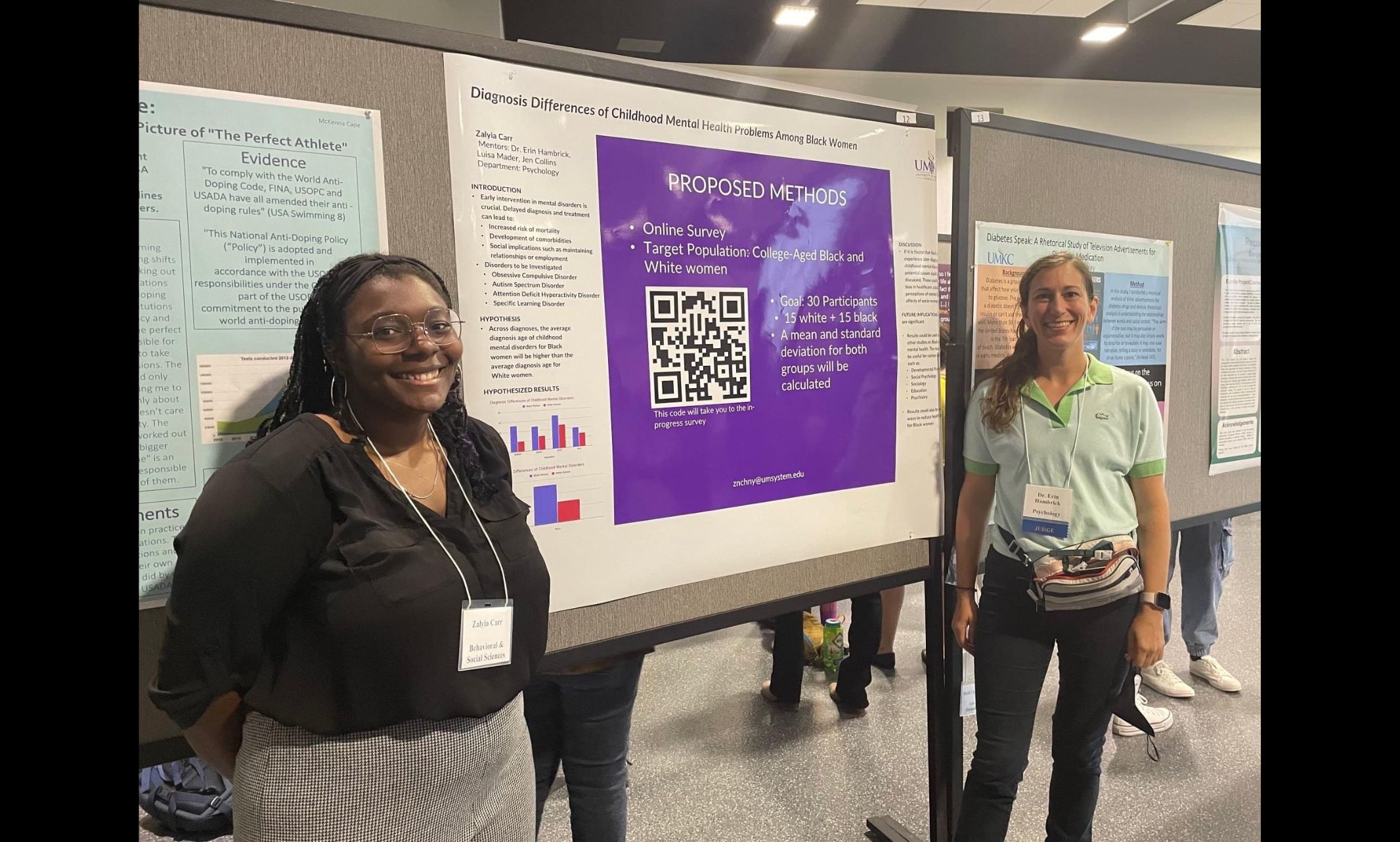
Erin Hambrick is changing the way we understand childhood trauma
Did you know people can experience growth after traumatic events? Erin Hambrick, Ph.D., is looking into how people have the ability go through trauma at a young age and all come out with different responses.
Last year, Hambrick’s work was chosen among hundreds of articles, and she was selected to be an inaugural speaker at Adverse Childhood Experiences (ACEs) Aware to discuss her paper. The ACEs Aware initiative is a first-in-the nation effort to screen patients for Adverse Childhood Experiences (ACEs) to help improve and save lives.
What is your area of expertise?
I’m a clinical child psychologist. I specialize in children’s exposure to adversity; specifically, how the timing, nature and severity of the negative experience can affect their development throughout the lifespan. I also study how positive experiences can be used to intervene and help children resume a more positive developmental trajectory.
What is the focus of your research?
My lab really zeroes in on how we can use what we know about what happened to a kid to inform how we might intervene. Some of what we do is longitudinal studies, where we’ll look and see what happened to kids and how it affects their long-term experience. We also work with therapeutic preschools and community-based agencies, to assess life experiences that kids have had. We help them understand what to expect in terms of how long treatments take, particularly what social supports and protective factors we really need to shore up for the child before we might expect the interventions to begin working.
What led you to this field of study?
Early in my study, I was really interested in the way people had the ability to experience hardship and get through it. Why is it that some people can go through really extreme circumstances and either come out okay, or even exhibit some growth? We obviously know that adversity and trauma can lead to many negative outcomes that we want to prevent, but it doesn’t always do that. So, I’ve been very interested in why is it that we have this differential response, and how we can learn more about it so that we can help more people get through traumas and adversities.
What is your research paper about?
An open question for some time has been the relative impact of when adversity happens during a child’s development. I think for a long time we really haven’t appreciated that severe, chronic and unrelenting stress even during the first few months of life is not only impactful but might be more impactful than stressors or experiences later. So, this paper was perhaps the first to show that chronic and unrelenting exposure to adversity during the first two months of life have a more pervasive and negative impact on children’s developmental trajectories than adverse experiences later in life.
What do you wish more people know about your research?
To me the number one message is how powerful, positive early life relationships can set children up for success. The most exciting part is that we are talking about stuff everyone can do. We’re talking about feeding a baby when its hungry, regulating a baby’s temperature and smiling at a baby when it wakes up. However, we probably will need some systems changed, to make those basic realities available to all children. I wish people knew just how important those early moments are but also just how capable we are as a society in doing what it takes to give kids a positive start.
Why is your research important to understand?
The reason why early exposure to extreme stress and relational poverty is so impactful is how fast our brains are developing in response to our environment in those early days. Our very first experiences set our neural “templates” for the way the world works. If we are bathed in stress in our early days, then our stress responses strengthen and grow while the parts of our brain that help us grow and develop are kind of put on hold. Therefore, with early life adversity and relational poverty, we often see global deficits in sensory processing, cogitation, self-regulation, other relational skills and more.
Feb 01, 2024
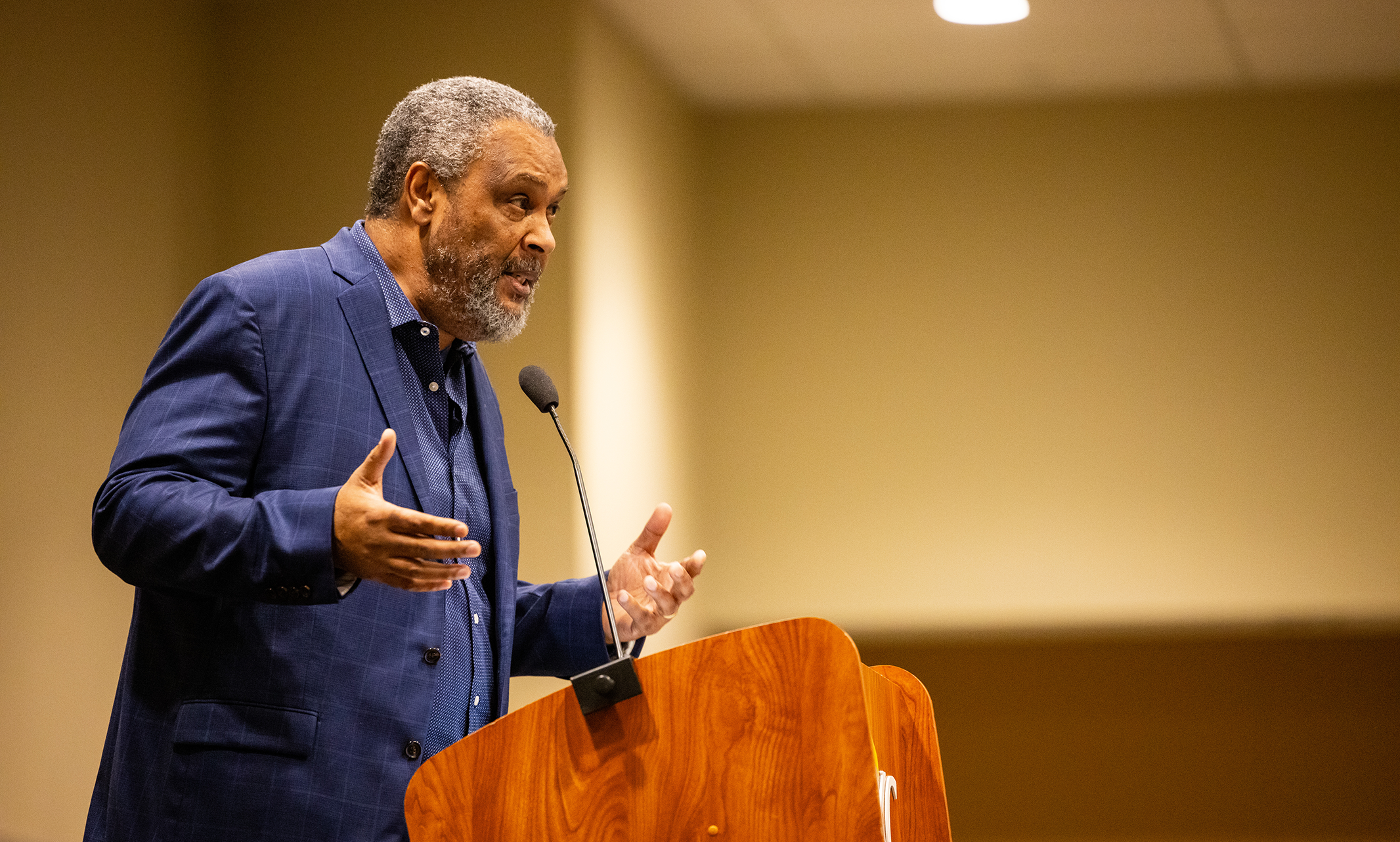
Kevin Willmott shares earlier history of ‘Becoming Martin’
Academy Award winner Kevin Willmott was the guest speaker for this year’s Martin Luther King Jr. Lecture.
Willmott, the writer of critically acclaimed films such as “CSA: The Confederate States of America,” “Chi-Raq” and “BlacKKKlansman,” spoke about how a young sociology student would become the Rev. Martin Luther King Jr.
Tamara Falicov, dean of the School of Humanities and Social Sciences, was excited to welcome back her long-time colleague for the 15th instance of this annual campus event.
“Kevin is an inspired filmmaker, with a collaborative spirit and dedication to this region,” Falicov said.
Based on the research conducted for his play “Becoming Martin,” Willmott shared the little-told history of King as a college student and the people around him, especially the minister Benjamin Mays and King’s own father, who inspired him to create a legacy that has inspired so many others.
“Anybody who achieves anything, it’s always about the people who helped you along the way,” Willmott said.
Students across UMKC came out to hear Willmott speak.
“I had heard of him as a filmmaker,” said Elliott Smith, an urban planning and economics student. “It’s great how he extrapolated the history to reflect the culture of the time and made it relatable.”
“I was impacted, as a younger listener, how he compared the tragedies of the 60s to modern tragedies we have experienced in our time,” said Taylor Trudell, a student in environmental science“The examples really put it all in perspective for how to get stuff done.”
The full lecture is available to watch online.
Jan 29, 2024
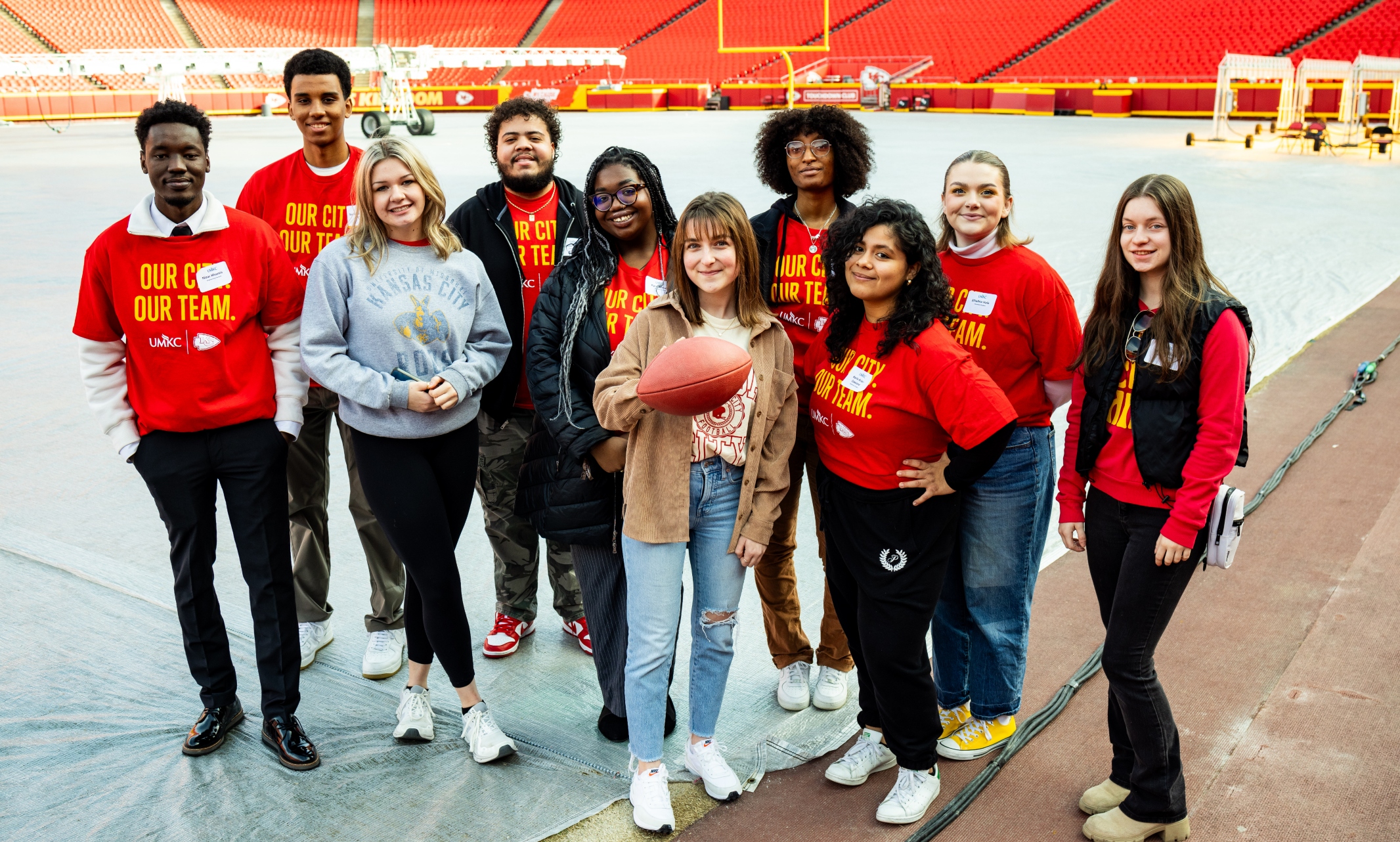
Stadium tours, job shadowing and leadership lunches are among the unique opportunities
Trying on Super Bowl rings and standing on the sidelines of GEHA Field at Arrowhead Stadium. This is a day in the life of a UMKC student with the university’s new partnership with the Kansas City Chiefs.
The partnership is focused on opportunities for students to learn from the Chiefs front office staff. During the first five months of the five-year partnership, students have attended several leadership lunches and a shadowing day at the Chiefs training facility. Also as part of the partnership, scholarships, internships and fellowships will be available exclusively to UMKC students. Students attending the leadership lunches and shadowing day have learned from a number of Chiefs staff members, including the chief financial officer, vice president of accounting, project director of manufacturing, engineering, plumbing and construction, vice president of player services and assessment, director of player engagement and more. “We’re giving an opportunity for students to understand all the different lines of work we do here and skillsets that our employees have,” said Kim Hobbs, Chiefs Vice President of Partnership Strategy and Development.
Student groups First Gen Roo, Professional Career Escalators and Men of Color Academy attended leadership lunches both on the UMKC campus and the Chiefs practice facility. Men of Color Academy is a cohort-based program that encourages academic achievement, leadership and personal growth. Program director JaVon Hill says that this partnership is a game-changer for students.“This dynamic partnership between UMKC and the Chiefs unlocks a world of possibilities for our students,” Hill said. “They are fortunate to be part of this unique relationship that will open doors to unparalleled access and networks, serve as a direct launchpad for empowerment, spark inspiration and fuel innovation all at the same time.”Students in the Professional Career Escalators program have benefited from these open doors, literally, with a shadowing day spent at the Chiefs practice facility and GEHA Field at Arrowhead Stadium. Students in this program – which emphasizes professional experiences in the health-care, education, business, engineering, law and justice fields – had unparalleled access to top-level staff members. Much of their time was spent in small groups with staff members to learn about their jobs and career fields and make valuable connections.Juan Owens attended the shadowing day just before graduating from UMKC with a bachelor’s degree in psychology. He spent the day with Shaun Tyrance, Ph.D., vice president of player services and assessment. In his role, Tyrance focuses on all aspects of behavioral health, wellness and performance psychology for all club employees, including players, coaches and staff. Owens said that the opportunity to talk with Tyrance was invaluable to his own career aspirations. Graduate school may be in Owens’ future, and he credits the shadowing day with helping define what that may look like.“I got to learn what exactly it is to be a sports psychologist,” Owens said. “I understand more what it takes to be that person and what I can do in my own community. Where I come from, there’s not a lot of resources, so this opportunity means a lot.”Beyond spending time with Chiefs’ front-office staff, the students enjoyed a behind-the-scenes stadium tour and learned about the history of the organization and the Hunt family. The opportunity to spend time at a world-championship organization is a lesson in success.“This opportunity to really engage with front-office leadership, learn about their career trajectories and connect with our students is powerful,” said Mako Miller, director of the Professional Career Escalators program. “Having such a recognized organization interact with our students in various ways shows a commitment to their career and leadership development. The Chiefs are providing this “behind-the-scenes” look at how an entity like a professional sports team operates and all that it takes to have a successful team.”
Jan 25, 2024
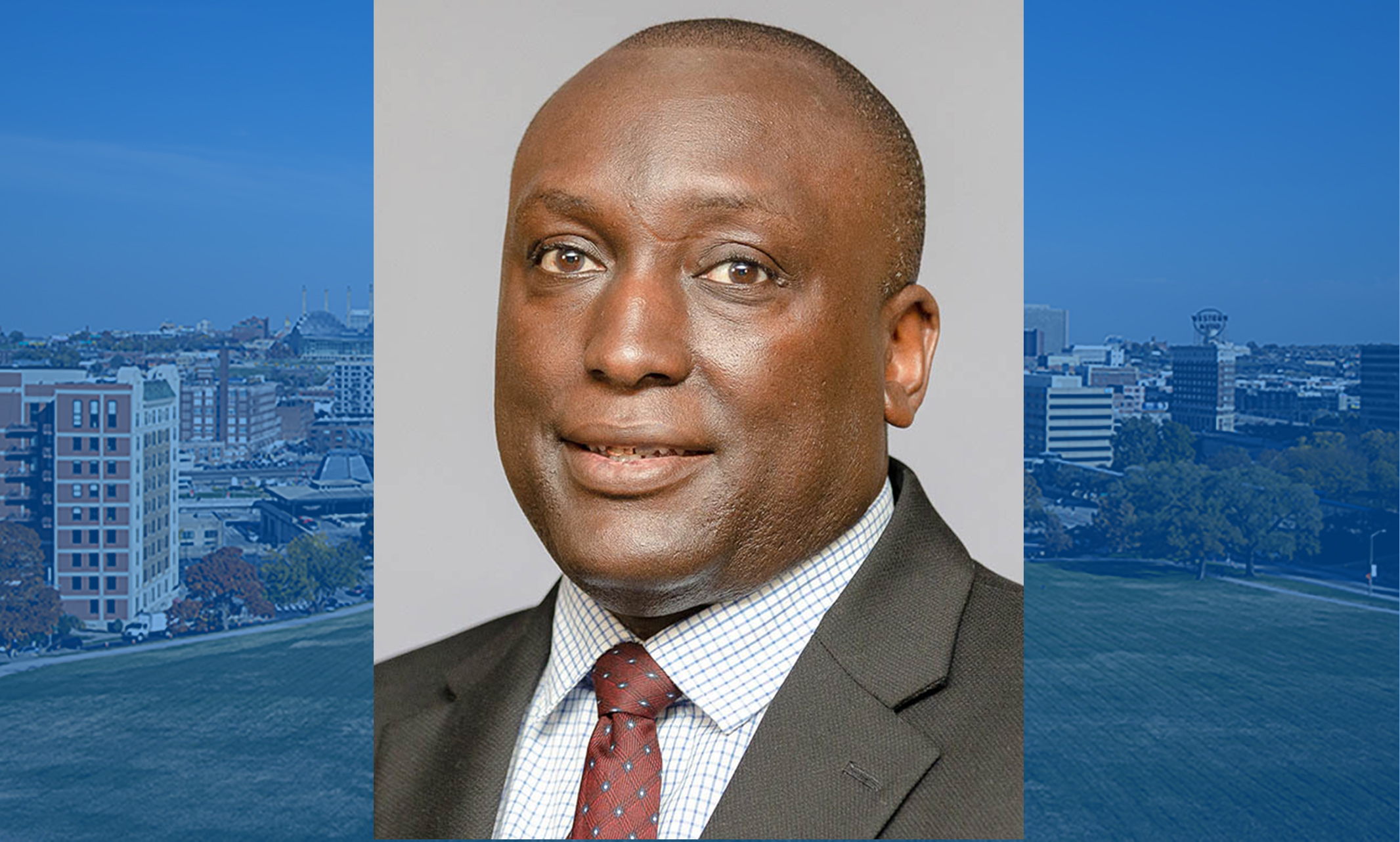
Henry Wash shares the impact his mentors had on him, and how he started High Aspirations
Each year, the UMKC Alumni Association recognizes outstanding alumni achievements with an awards celebration. Henry Wash (B.A., M.P.A) is the Class of 2024 Defying the Odds Award recipient.
Wash is the founder and Chief Executive Officer of High Aspirations (HA) and served as a mentor and board member of HA from 2003 to 2013. He has over 26 years of expertise in designing, implementing and evaluating programming for at-risk populations.
Wash’s educational accomplishments include an associate degree in applied science, associate degree in arts, bachelor’s in sociology, minor in Black studies and Master of Public Administration in urban affairs.
He overcame his circumstances in large part due to the mentoring he received from two prominent Kansas Citians, Henry W. Bloch and Thurman N. Mitchell, KCTV5. These two mentors have helped Wash identify his purpose in life. This led Wash to pursue his vision of making an impact on the Kansas City community, especially for young men. Wash is a current board member of Caring for Kids, Children’s Campus KCK, KC Common Good and Hawthorn Foundation.
What was the inspiration for High Aspirations?
HA was one of my research projects while attending the UMKC Henry W. Bloch School of Management in 2003. It was founded on evidence-based peer reviewed and empirical research from various backgrounds such as public administration, anthropology, sociology, higher education, psychology, Black studies and business. I walked away from a profession in the freight world to pursue my true calling in 2013 and have not looked back since. Today, we have the first mentoring campus for African American men in Kansas City. Our vision is to help make the world a better place.
How did UMKC prepare you for or contribute to your success?
I would not be where I am today without UMKC. My education gave me the foundation to gain experience and become the Henry Wash I am today.
What advice do you have for students who would like to follow in your footsteps?
Take your time. It has taken me 20 years. The sooner you pursue the purpose in your life, the better you’ll be.
Jan 25, 2024
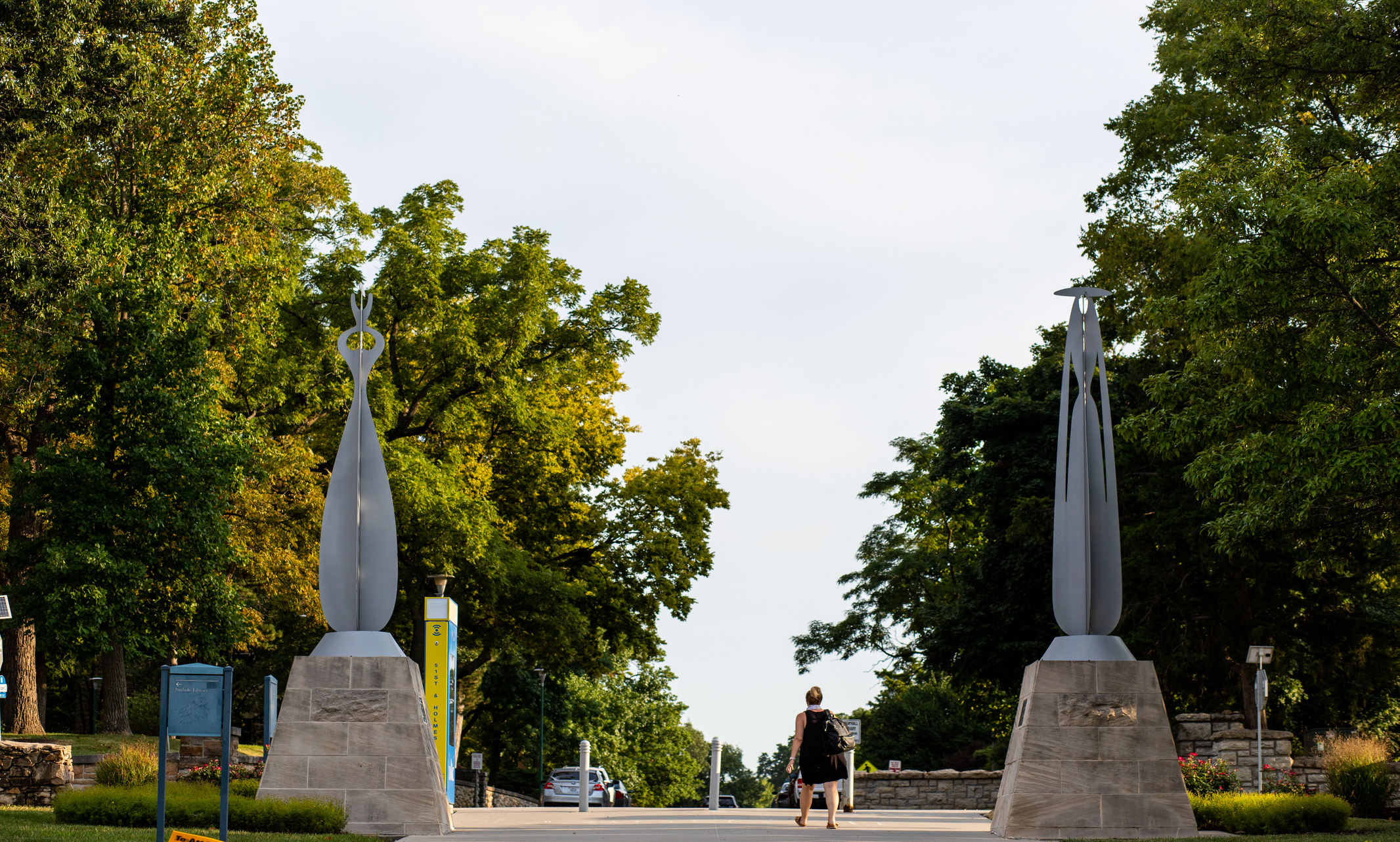
It’s written in the stars… and across the UMKC campus
Ever wondered where you are destined to spend time on campus? Look no further. Here’s a list of the zodiac signs as UMKC spots.
Aries: Swinney Recreation Center | March 21-April 19
Energetic and competitive, Aries are bound to feel fired-up after a workout at Swinney Recreation Center. The fire sign will also feel right at home with the sauna and steam room facilities.
Taurus: UMKC Dining Hall | April 20-May 20
Tauruses are known for enjoying the finer things in life, including food, environments and people. The UMKC Dining Hall encompasses all the above with its vast dining space and various food options.
Gemini: University Playhouse | May 21-June 20
The University Playhouse is home to lots of on-campus events, where Geminis will be able to express their sociable nature. Plus, the faces on each side of the building represent a Gemini’s intrinsic duality nature.
Cancer: Haag Hall | June 21-July 22
Cancers are known for being sentimental. A lover of history, they’ll especially appreciate the history behind the Don Quixote mural located in Haag Hall.
Leo: Student Union | July 23-Aug. 22
Always craving attention, a Leo is bound to run into someone they know at one of the busiest spots on campus. Ruled by the sun, Leos will also be pleased at the opportunity to bask in the sunlight at the Student Union rooftop.
Virgo: Miller Nichols Library and Learning Center | Aug 23.-Sept. 22
Ruled by Mercury, the planet of communication, it is only fitting for Virgos to be assigned the Miller Nichols Library. With four floors of varying noise levels, at least one floor is bound to meet their high standards.
Libra: The Quad (Blue and Gold Chairs) | Sept 23.- Oct. 22
The balanced nature of libra loves the quad, especially due to its convenient location to most classrooms and lecture halls. The blue and gold chairs also provide the sign known for being great conversationalists the perfect spot to chat with friends in between classes.
Scorpio: Diastole Scholars’ Center | Oct 23.-Nov. 21
Tucked away in the corner of the UMKC Hospital Hill Campus, the Diastole Scholars’ Center is as secretive as a Scorpio. Their mysterious aura pairs perfectly with the Diastole Scholars’ Center’s academia-inspired setting.
Sagittarius: Innovation Studio | Nov. 22-Dec. 21
The sign known for loving adventures will be able to escape reality at the Innovation Studio. From the AR/VR lab to the flight simulator, they will be able to indulge their free-spirited nature.
Capricorn: Atterbury Student Success Center | Dec. 22-Jan. 19
Known for being one of the most hardworking signs, Capricorns will be able to sharpen their academic skills at the Atterbury Student Success Center. Also known for being practical, they’ll be pleased at the various food and drink options available here, perfect for snacking in between study breaks.
Aquarius: James C. Olson Performing Arts Center | Jan. 20-Feb. 18
The James C. Olson Performing Arts Center offers various performances throughout the year, and at least one of them is bound meet an Aquarius’ eclectic and abstract taste.
Pisces: Warko Observatory | Feb 19.-March 20
Pisces will be able to Indulge their escapist nature with stargazing at the Warko Observatory. The sign known for being more on the introverted sign will be pleased at the opportunity to recharge their social battery at this quaint spot.
Jan 17, 2024
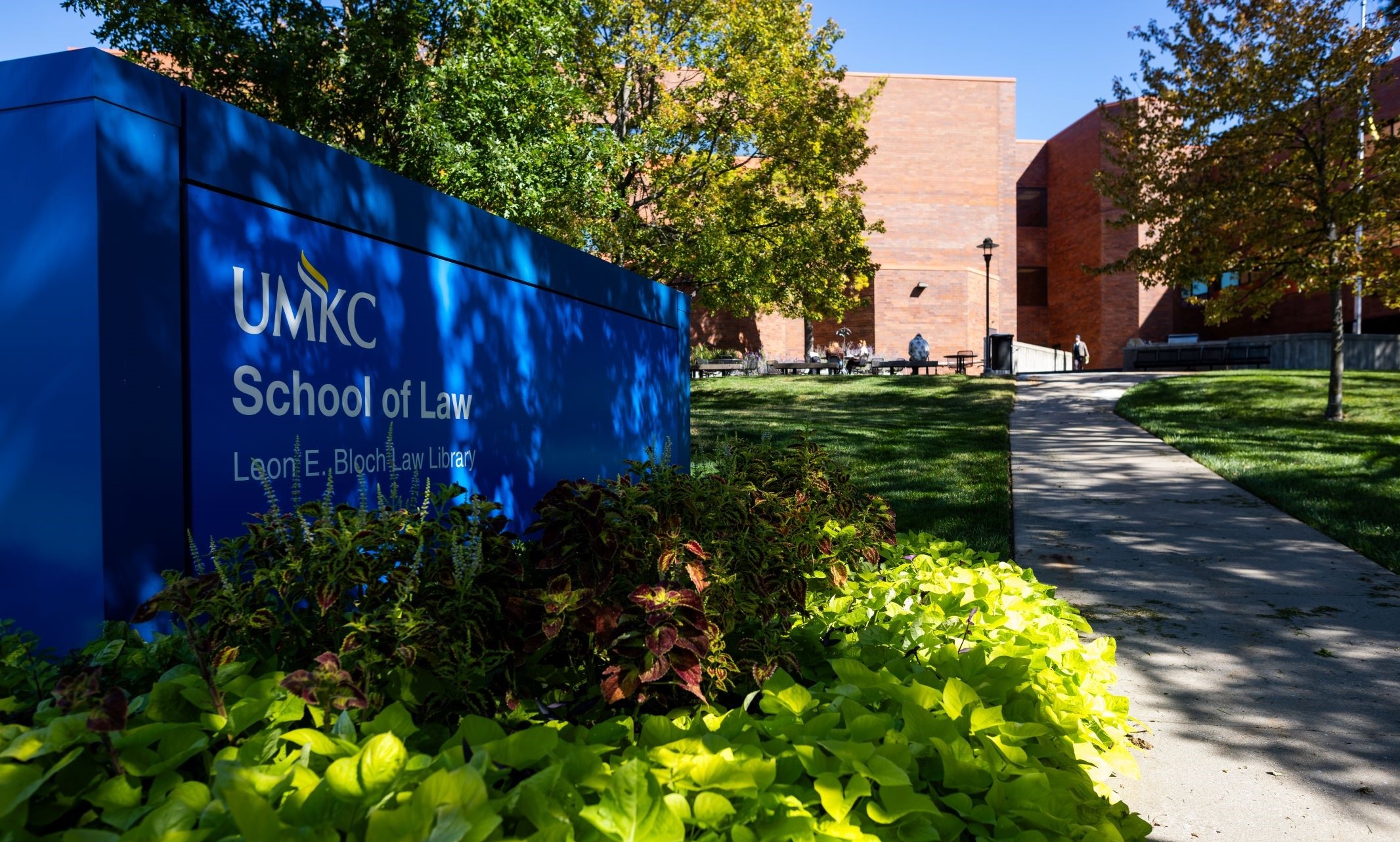
PreLaw magazine recognizes five programs for excellence
The UMKC School of Law was named a Best Value Law School by PreLaw magazine. Additionally, PreLaw recognized the law school as having five top programs: family law, trial advocacy, technology law, business law and tax law.
Schools recognized for being a Best Value Law School have favorable employment rates, bar passage rates and overall cost of attendance.
“Our goal isn’t to get our students to graduation, it’s to prepare them for everything that comes after that,” Lumen Mulligan, dean of UMKC School of Law said. “Providing value to our students means giving them the tools to pass the bar exam and have a successful career in law while trying to remove as many financial barriers as possible. Programs such as our new, all-inclusive bar prep program support success for all students, regardless of financial circumstances.”
This recognition isn’t just a point of pride. Breana Boger, director of admissions for the UMKC School of Law, says that these rankings are important to future law students when making the decision where to attend school.
“These rankings help communicate the caliber of our programs and success of our students,” Boger said. “It helps prospective students paint the picture for their own future success.”
The university’s location in the heart of Kansas City provides UMKC law students with numerous opportunities to get practical experience before graduation, including clerkships with judges, opportunities with federal and state government agencies, and internships with private law practices and organizations. Additionally, the law school operates several clinics, which give students experience and provide low-cost services to the community. Clinics include the Child and Family Law Clinic, Taxpayer Assistance Clinic, Expungement Clinic and Taxpayers Assistance Clinic.
That practical experience is just one of the reasons the UMKC School of Law was recognized as a top school for many of its programs. Students interested in family law, trial advocacy, technology law, business law or tax law will find valuable opportunities to learn both in and out of the classroom.
“We have outstanding faculty who are leaders in their fields and many alumni who come back to share their knowledge with students,” Mulligan said. “No matter what area of law a student wants to practice, they’ll find opportunities to learn and a community who wants to support them.”
Jan 16, 2024
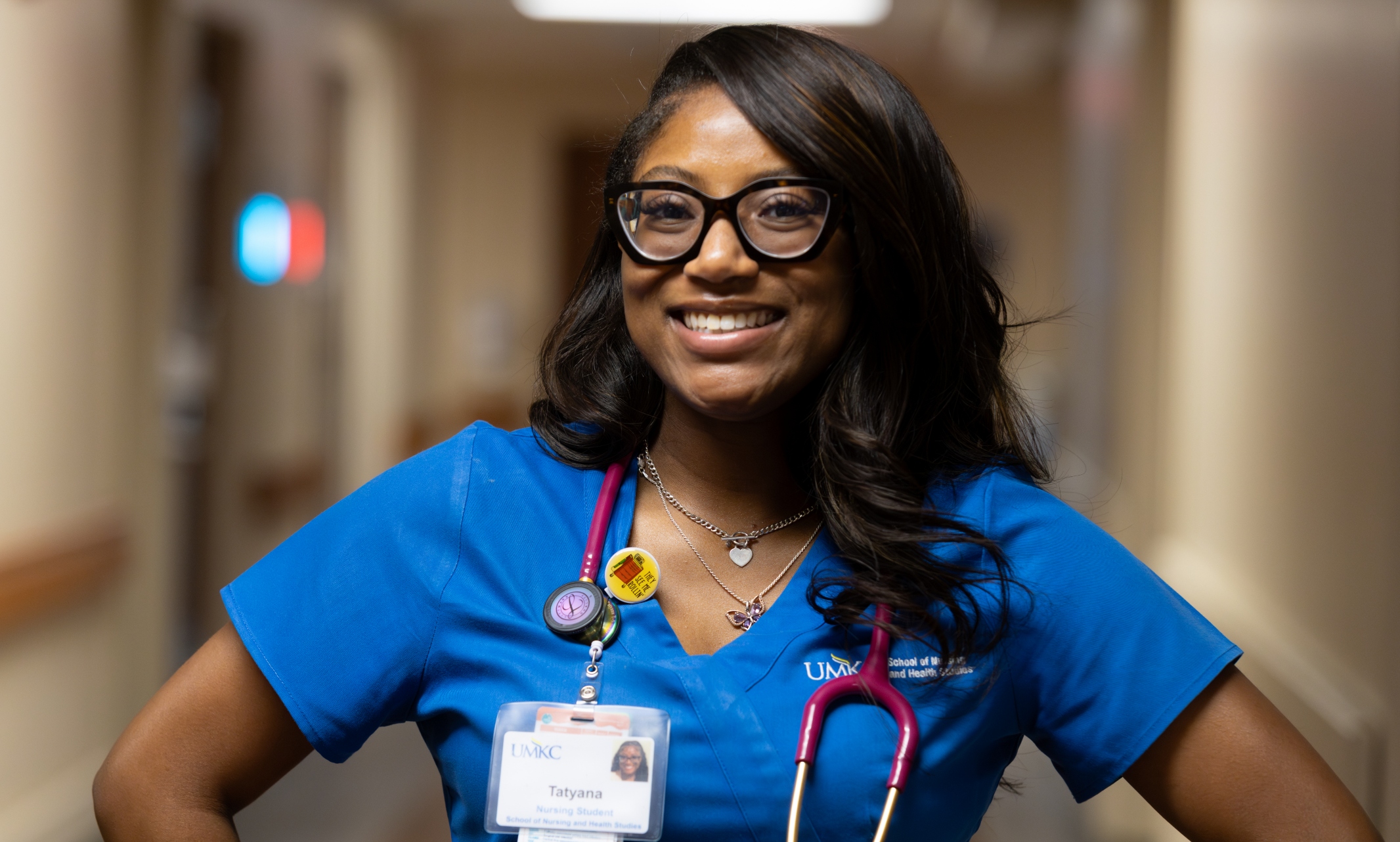
Tatyana Charles sought a second degree after finding her calling
In her clinical rotations at University Health, nursing student Tatyana Charles (B.H.S. '21) gets to practice exactly what she set out to do when she decided to pursue a nursing career.
“I feel grateful that I'm able to take care of my patients in their most vulnerable state to make them smile and take care of their immediate needs,” Charles said.
As a Kansas City native, Charles always knew she wanted to help her hometown neighbors. When she first came to the University of Missouri-Kansas City, that looked a little different. Charles pursued a bachelor’s degree in health sciences with plans to pursue a career in health administration. She later learned that her passion lied elsewhere.“I soon realized that I loved patient interaction and patient engagement, so I then chose to pursue nursing,” Charles said. She chose to remain at UMKC for her second degree because of the nursing program graduates’ high passage rate on the National Council of State Boards of Nursing (NCLEX-RN) exam. More than 98% of UMKC nursing students passed the board exam in 2022. Charles also felt confident that she would be supported because of the positive experience she had in the health sciences program.
Now Charles is working on post-surgical care rotation at University Health, an academic medical center dedicated to providing health care to the Kansas City community, both for those with insurance and without. She plans to pursue a career as an emergency room nurse after graduation, and feels certain of her skills. “I feel well prepared,” she said. “Our faculty teaches us what to expect and what abnormally can happen and what to do next.”
Working at a mission-driven hospital like University Health is the perfect fit for Charles, who not only wants to care for patients, but also wants to be an advocate for them and help them find ongoing resources to help them. “I tell people all the time that I have a passion to serve the underserved,” Charles said. “I want to be able to give knowledge to the local resources here in Kansas City to help the lower economic population.”
Jan 09, 2024
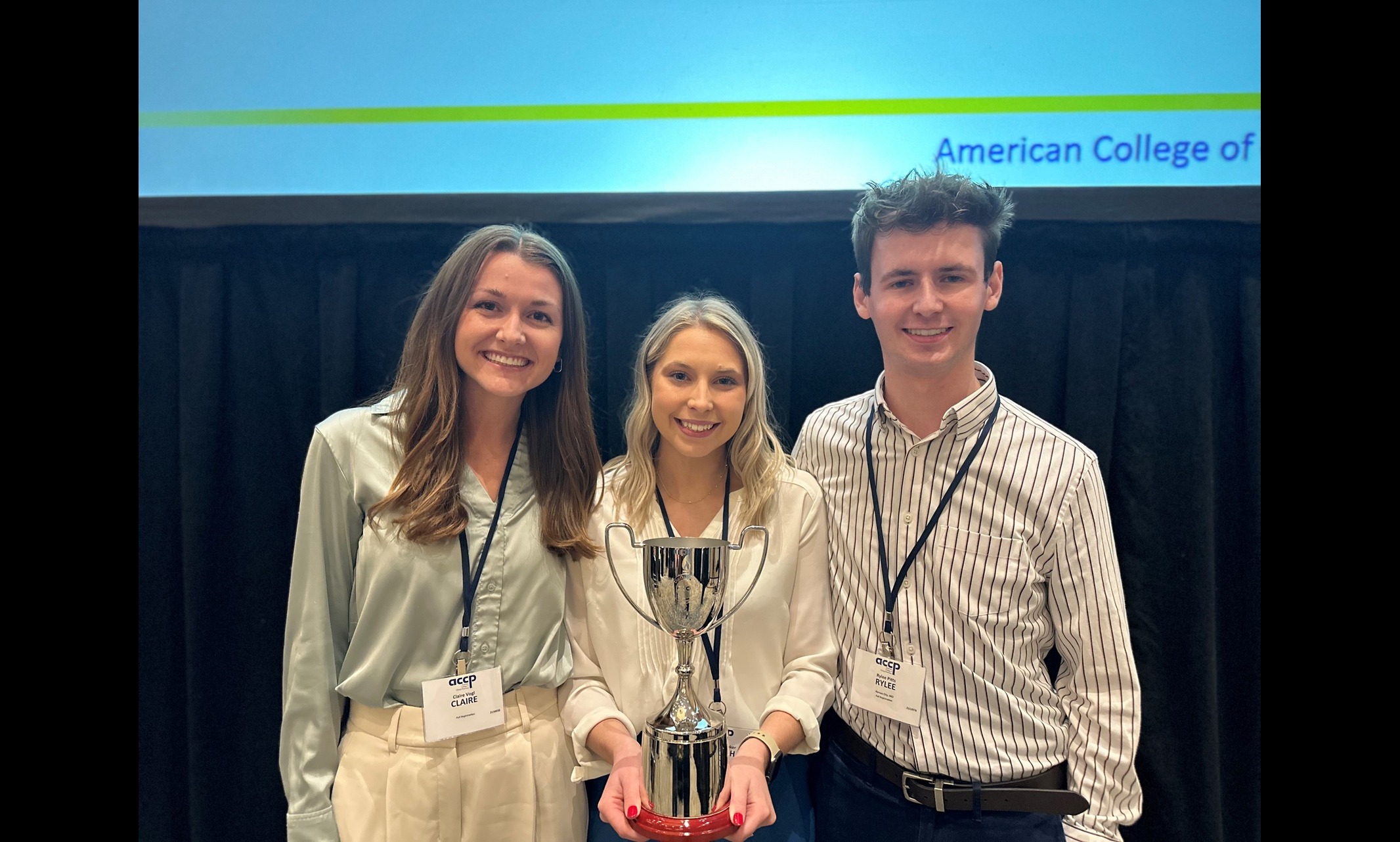
Three UMKC Pharmacy students beat out more than 100 teams to win top title.
Fourth-year School of Pharmacy students Hannah Kempker, Claire Vogl and Rylee Pitts have been hard at work since September preparing and competing in the American College of Clinical Pharmacy’s 2023 ACCP Clinical Pharmacy Challenge.
The competition spanned several months with multiple rounds and culminated in UMKC going head-to-head with the University of Arkansas in the championship round in Dallas, Texas. After a tight race, UMKC won on the final question and took home $1,500 in prize money and a commemorative trophy.
Known for its “quiz-bowl” style, the challenge included rounds featuring general pharmacy trivia, a clinical case study and final jeopardy. Teams began their journey with virtual rounds, and only the top eight travelled to Dallas to compete during the annual ACCP Conference in November.
Once there, the competition heated up. Teams were expected to answer questions quickly, using a buzzer and going head to head.
“Online versus in-person rounds are a different game,” Kempker said. “Online rounds you have more time to think critically and reason through a question. In person, you have to rely on all knowledge from didactic coursework and rotations to quickly come up with an answer and stick with it.”
No stone was left unturned by the team during preparation for the competition, and it was an all-hands-on-deck effort.
“Generally, we looked through the ACCP pocket guide, the APhA review book and our old pharmacotherapy notes,” Vogl said. “We also tried to look at specific jeopardy categories as the rounds progressed, focusing on categories we hadn’t seen yet to prepare for the next round.”
Kempker added, “I think the biggest thing we did to prepare was to talk aloud our strategy.”
The three students keyed in on their blind spots and worked to fill in any gaps in expertise to be as prepared as possible.
“Because we are all close, we also know each other’s tendencies and hesitations, so that helped when we moved into the live buzzer rounds,” Vogl said. “One person might buzz for the other because we knew they might be more hesitant.”
Elizabeth Englin Pharm.D., served as the faculty mentor and traveled with the team to the Dallas competition rounds.
“It was so fun to watch them, and they were so strategic in their play,” Englin said. “You could tell that they were friends, and they work so well as a team…They’re just wonderful students all around.”
After the competition, Englin reflected on the high level of sportsmanship the team possessed.
“They did really well with the other teams,” she said. “They were congratulating, wishing luck and really got to connect with the other schools.”
The competition is just a feather in the cap of the students, who in their final year of pharmacy school are preparing for what’s next.
“I felt pharmacy gave me the best opportunity to combine my desire to impact others with a career that aligned with my personal interests and curiosity,” Pitts said.
Dec 20, 2023
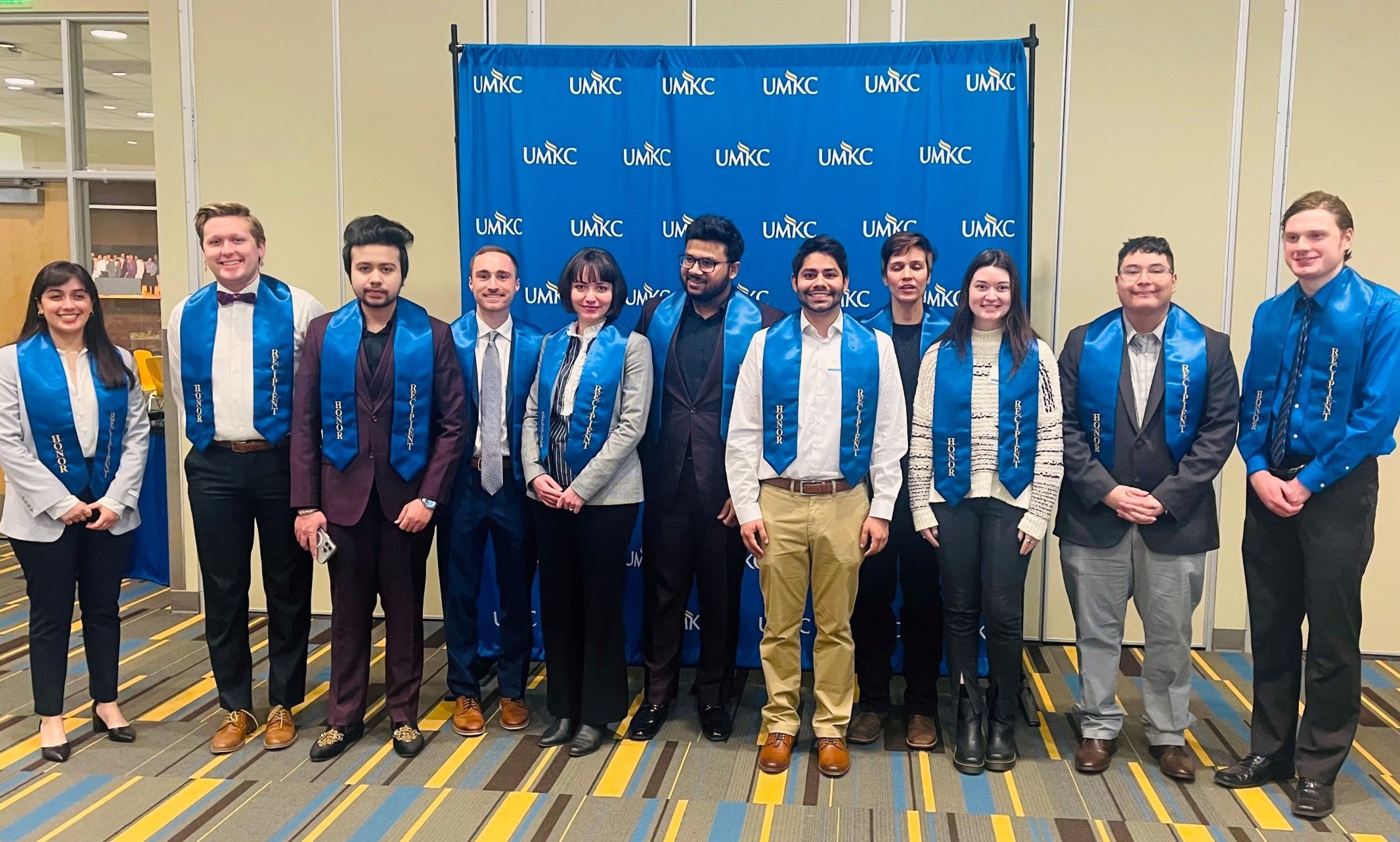
Graduating students are recognized for their outstanding academics, leadership and service
Fifteen UMKC students have been named Dean of Students Honor Recipients in recognition of their accomplishments on campus and in the community.
Every semester, exceptional graduating students are honored with this designation. These students maintain excellent academic standards while actively participating in university activities and community service outside of the classroom.
The Fall 2023 honorees’ accomplishments include helping international students settle into the university life, volunteering with the families of homicide victims, organizing a conference celebrating the LGBTQIA+ community, working on the Lucerna research journal, volunteering with Operation Breakthrough and more.
“These students embody what it means to be a Roo with their dedication to academics, service and community," said Michele D. Smith, Ph.D., vice provost for student affairs and dean of students. “I am thrilled to recognize them for their many accomplishments and look forward to the bright futures ahead of them.”
Students shared reflections on their time at UMKC at a special breakfast celebration in their honor. Some excerpts:
Emma Sauer: “As a transfer student, I’ve only spent two years at UMKC, but my experience has shaped who I am. My time here has exposed me to all kinds of people, ideas and perspectives I would never have found anywhere else and really inspired me to take a more active role in my local community.”
Matthew Grimaldi: “My time at UMKC has been truly memorable, and as a Kansas City native, the best part has been experiencing the school’s connection with the surrounding community. During my time here, I’ve been able to intern with a federal judge, work with underserved clients and meet with prospective students. UMKC is more than just a place of higher education, it is a community institution.”
Paige Lyell: “UMKC has given me the gift of a lifetime – not only has the university provided me with an amazing education, but it also gave me some of the best years of my life. I feel honored to forever be a part of such an inclusive and compassionate group of people. I leave here with a stronger sense of community, respect and integrity.”
Congratulations to the Fall 2023 Dean of Students Honor Recipients!
Scott Cameron, School of Humanities and Social Sciences
Paige Eickhoff, School of Medicine
Alejandra Frias-Fraire, School of Science and Engineering
Matthew Grimaldi, School of Law
Natasha Hillard, School of Nursing and Health Studies
Mufrad Islam, School of Science and Engineering
Mustavi Islam, School of Science and Engineering
Marco Loaiza, School of Humanities and Social Sciences
Paige Lyell, School of Medicine
Marisa McKay, School of Humanities and Social Sciences
Elliot Mejia, Bloch School of Management
Jonah Petitjean, School of Humanities and Social Sciences
Emma Sauer, School of Humanities and Social Sciences
Olga Shupyatskaya , School of Law
Ben Wilson, Bloch School of Management
Dec 19, 2023
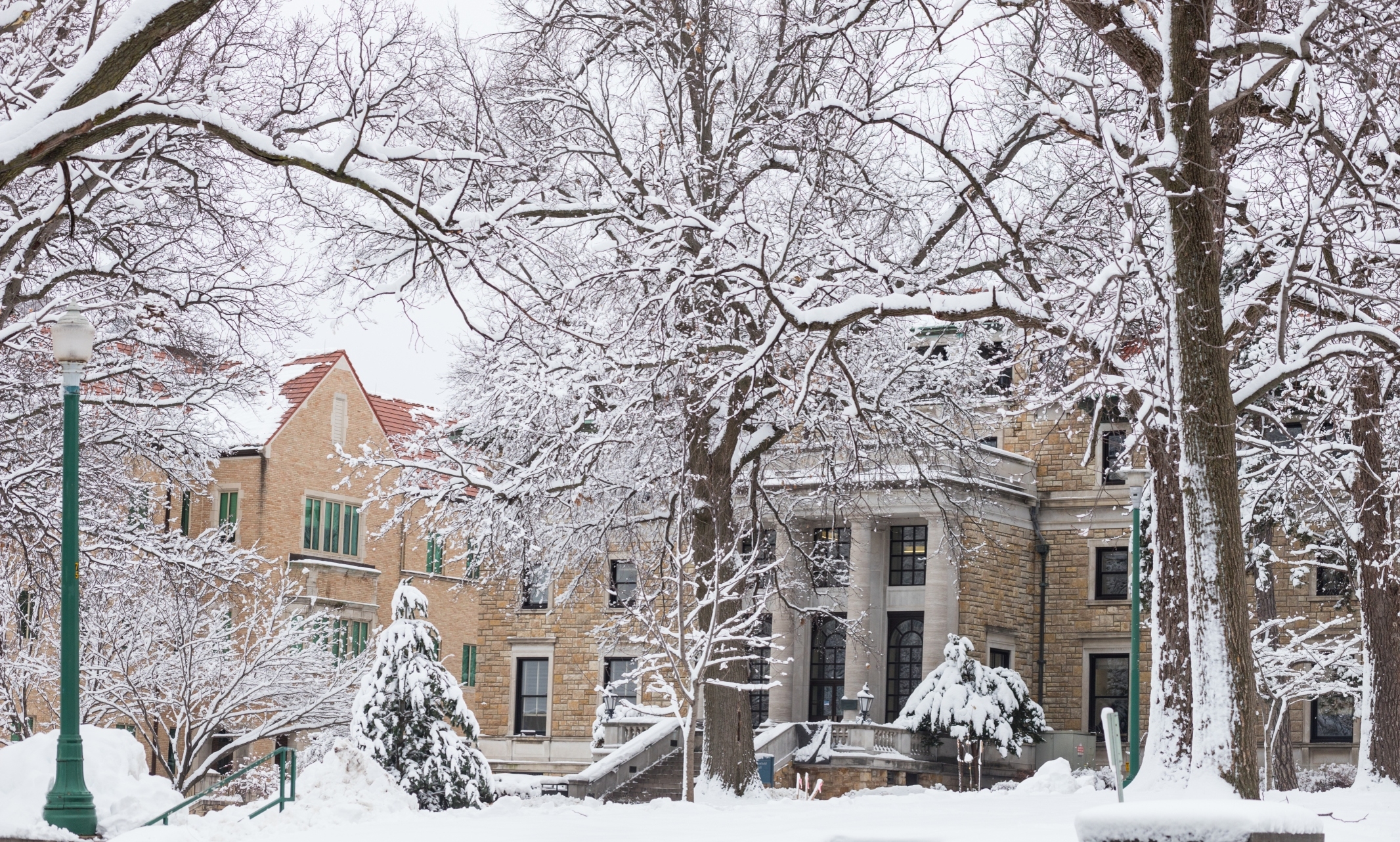
Here's how to give during winter break
While the UMKC campus is closed during Winter Break, Monday, Dec. 25 through Monday, Jan. 1, it's still easy to make a year-end gift by observing the following guidelines.
Gift timing is essential to ensure receipt of tax credit for the 2023 calendar year for your donation; please reference the guidelines for specific gift types below. If you need assistance with your donation, please get in touch with Jenny Akhtar at 816-780-9151.
Give now by credit card
Donation by Checks
Envelope MUST be postmarked prior to Dec. 31, 2023. If the envelope received is postmarked after Dec. 31, it will be counted as a 2024 gift.
Donors should send their checks to the address below:
UMKC Foundation Office of Gift Processing202 Administrative Center5115 Oak StreetKansas City, MO 64112
Checks dated prior to Dec. 31, along with postmarked envelopes, should be received by UMKC Foundation Gift Processing staff on or before Friday, Jan. 12, 2024. Gifts received after that point will not automatically be included in processing for the annual tax receipt.
Donations by Stock or Mutual Funds
Please get in touch with Tram Nguyen at nguyentram@umkc.edu for the transfer form and DTC instructions. Stock gifts must be received into the account on or before Dec. 29 to be reflected in the 2023 tax period, per the IRS.
Stock gifts will require the donor's name, number of shares, security, expected date of transfer, and gift intention area. Donors must send information via email to Tram Nguyen at nguyentram@umkc.edu. Liquidation of the Stock gifts cannot be completed until confirmation of this information is received.
Mutual funds take an additional 3-5+ business days before posting to our account. Donors, please advise brokers to initiate mutual fund transfers before Dec. 21. Regular equity stock takes 24 hours to post to our account.
Donations by Credit Cards
Ways to donate using a credit card:
Our website, UMKC Foundation, where donations will be processed through midnight, Dec 31. All donor gifts processed through our website will be reflected in the donor's 2023 giving year totals.
Contact our staff in Gift Processing at 816-780-9151 during regular business hours through the end of the year, including the winter break.
Mail: Credit Cards by mail MUST be received no later than noon Dec 29, for processing. ** We cannot guarantee mail delivery will meet the required deadline; for more reliable processing, we ask all donors to either call the number listed for Gift Processing Staff or to use our website.
Contacts and Staff Availability
The Gift Processing Staff will be available by phone at 816-780-9151 to accept credit card gifts and to answer all inquiries about year-end gifts during regular business hours through the end of the year, including during the winter break.
The UMKC Foundation Office will be closed during the winter break. Should you have any inquiries during that time, please call 816-235-5778, and someone will return your call.
For help with stock gifts or wire transfers, contact Tram Nguyen at nguyentram@umkc.edu
Dec 19, 2023
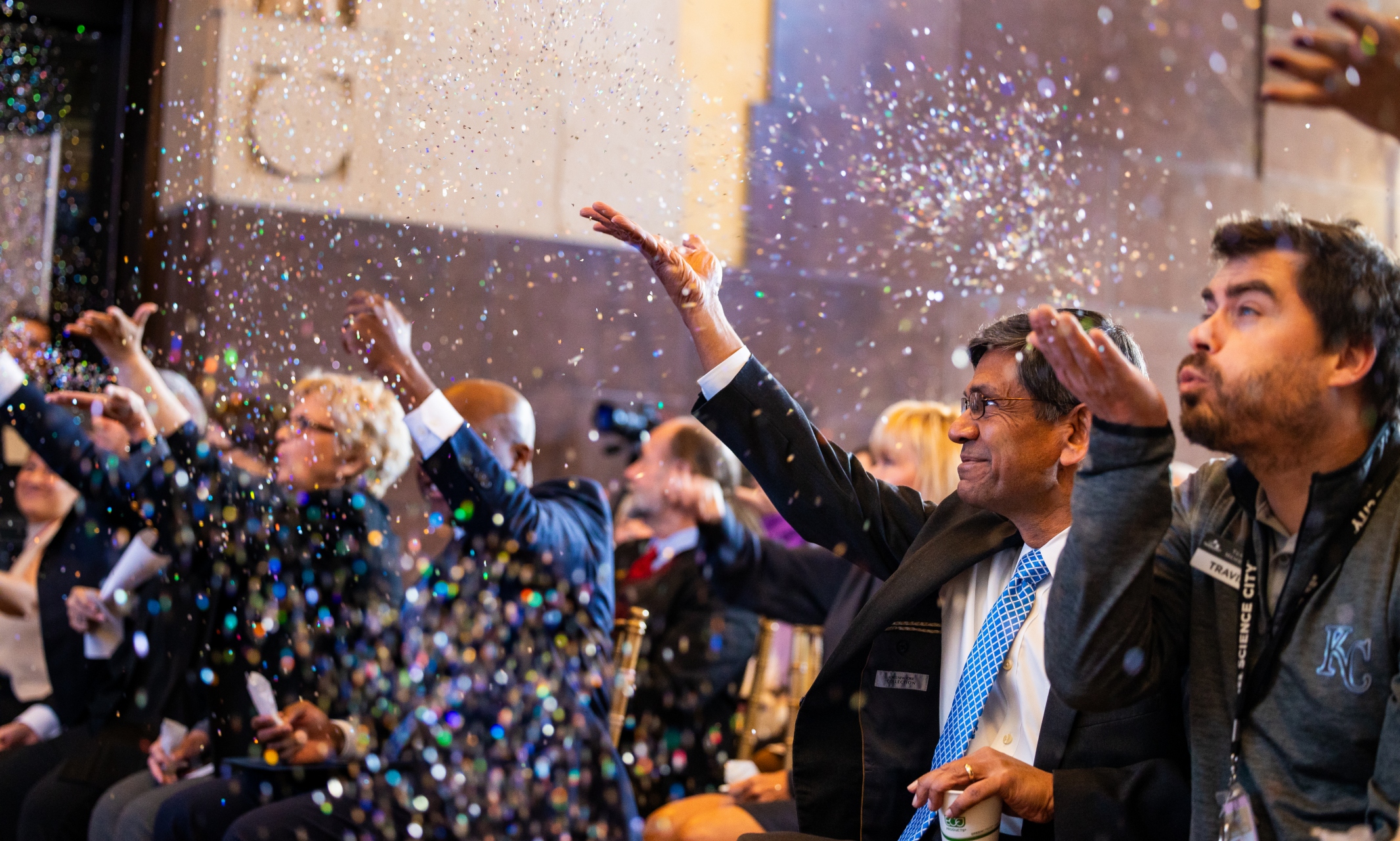
Visuals that capture the year
UMKC photographers Brandon Parigo and Patrick Oliverio captured many moments on and off campus this year. They selected a few of their favorite images that show what it looks like to be part of Kansas City's university.
Union Station was illuminated Roo blue and gold for UMKC Engagement Month in October. | Photo by Brandon Parigo, UMKC
Conservatory Professor JoDee Davis stands in the middle of her students at the UMKC Trombone Studio. | Photo by Patrick Oliverio, UMKC
Dancers perform at Crescendo, the UMKC Conservatory signature event held annually at the Kauffman Center for the Performing Arts. It raises funds for student scholarships. | Photo by Brandon Parigo, UMKC
The Roo statue in silhouette on the UMKC Volker Campus. | Photo by Brandon Parigo, UMKC
UMKC cheering at a soccer game. Roo up! | Photo by Patrick Oliverio, UMKC
Making a splash at the Swinney Center pool. | Photo by Brandon Parigo, UMKC
Durwood Stadium at dusk during a soccer game at Welcome Week. | Photo by Brandon Parigo, UMKC
I (heart) UMKC always. | Photo by Brandon Parigo, UMKC
Streamers and confetti help celebrate graduates at Spring Commencement at the T-Mobile Center. | Photo by Brandon Parigo, UMKC
Dec 19, 2023
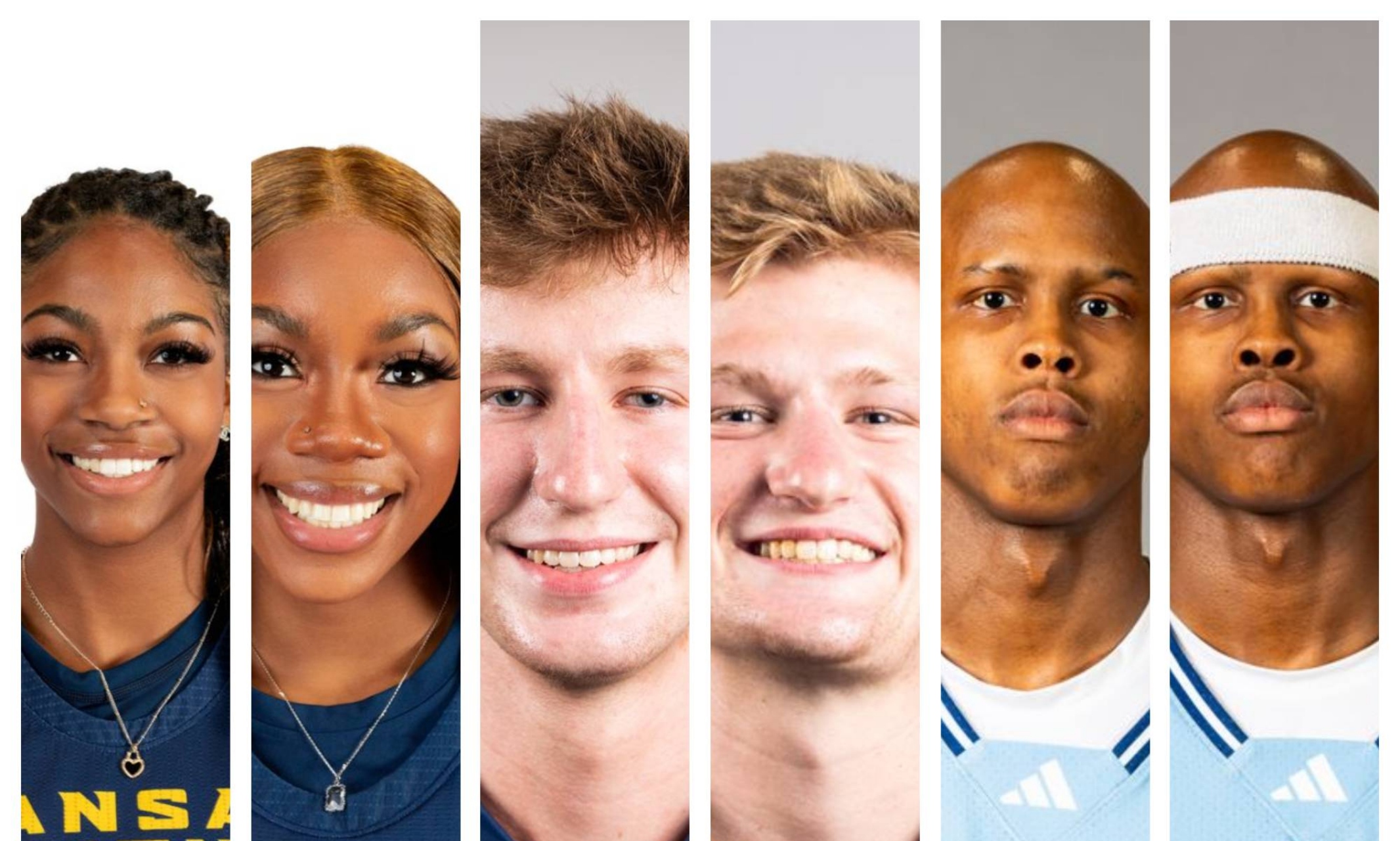
Seeing double on the court and track
Last year, 3,664,292 people were born. It’s estimated just 3 percent of those born were twins. So it’s safe to say giving birth to twins is rare.
What’s even more rare is three sets of twins ending up on the same college campus as student-athletes. Right now at UMKC, there are roughly 220 student-athletes competing on various teams. Among them are six twins who make up just 2 percent of that total.
For Precious and Promise Idiaru, Elauni and Emani Bennett, and Jack and Bret Beard, UMKC always felt like the right place to be.
“Being so close to home is one of the main reasons we chose UMKC,” said freshman Emani Bennett. “Our high school teammates, high school coaches and AAU coaches still get to come and see us play.”
Elauni and Emani BennettFreshmen | UMKC Women’s Basketball
If you’re in need of a quick way to tell these two apart, just look at their jump shot.
“I’m a lefty and Emani’s a righty,” said Elauni Bennett.
The two freshmen guards didn’t have to travel far to join the UMKC women’s basketball team. Just seven months removed from their high school graduation at Lee’s Summit North, these young student-athletes are already adjusted to college life. It’s something they attribute to having each other.
“Coming into college is an adjustment for all freshmen, but we have each other so it makes it a lot easier,” Elauni said
Off the court, the Bennetts bring impressive high school resumes with them to UMKC and despite being identical twins, the two sisters have different interests when it comes to their education.
“We’re different in a lot of ways, and that’s something our coach was big on is celebrating our individuality,” said Emani.
Emani is majoring in psychology, while Elauni plans to pursue a future in health sciences.
Precious and Promise IdiaruSophomores | UMKC Men’s Basketball
Unlike the Bennett twins, Precious and Promise traveled a long way to land on the UMKC men’s basketball team: 4,743 miles, to be exact. The brothers call Speyer, Germany, home just an hour south of Frankfurt, but being in the U.S. is nothing new to them. The Idiaru brothers came to the U.S. as high schoolers, competing in Los Angeles,.
"Precious and Promise were available late in the recruiting process, which ended up being a huge plus for Kansas City Basketball,” said head coach Marvin Menzies. “The twins are very high in character and in talent.”
Now in their second season with the Roos, both Precious and Promise say there have been challenges being twins on a new team.
“The coaches had trouble telling us apart,” said Promise. “To make it easier on them we decided that Precious would start wearing a headband.”
Even with their headband idea, it wasn’t an instant fix.
“There was an incident last year at LSU where the coaches had difficulties telling us apart even with the headband and accidentally kept yelling out the wrong names to each twin.”
While telling them apart on the court may be difficult for new eyes, things might be easier for their UMKC professors. Like the Bennett sisters, Precious and Promise have chosen different paths for their education. Precious intends to study nutrition, while Promise has his sights set on a career in business and marketing.
Jack and Bret BeardSophomores | UMKC Track and Field
Blink and you might miss this set of twins. Jack and Bret Beard are coming off a successful freshmen season at UMKC, one in which they both made strong showings at the Summit League Championships.
Being a college athlete also runs in the family. Their father was an All-American kicker at Friends University. Their older brother Braedan played Division I soccer at both Creighton and Drake Universities.
Like the Bennett sisters, Jack and Bret are competing for UMKC with a hometown crowd nearby. The Olathe Northwest graduates say their decision to come to UMKC can be attributed to the coaching staff, led by head coach Benaud Shirley, and being close to family.
"I love that my parents are able to come and support us and watch us compete," said Jack. "It gives us added motivation when they are at our meets."
When it comes to identifying them on the track, Bret says there is still the occasional confusion among their coaches. Whether they get mixed up or not, Bret admits it's special being able to compete alongside his brother.
"We don’t always compete in the same event but when we do I love being able to compete alongside my brother because we are creating life long memories together."
Both Beards are studying business administration at the Henry W. Bloch School of Management.
Dec 18, 2023
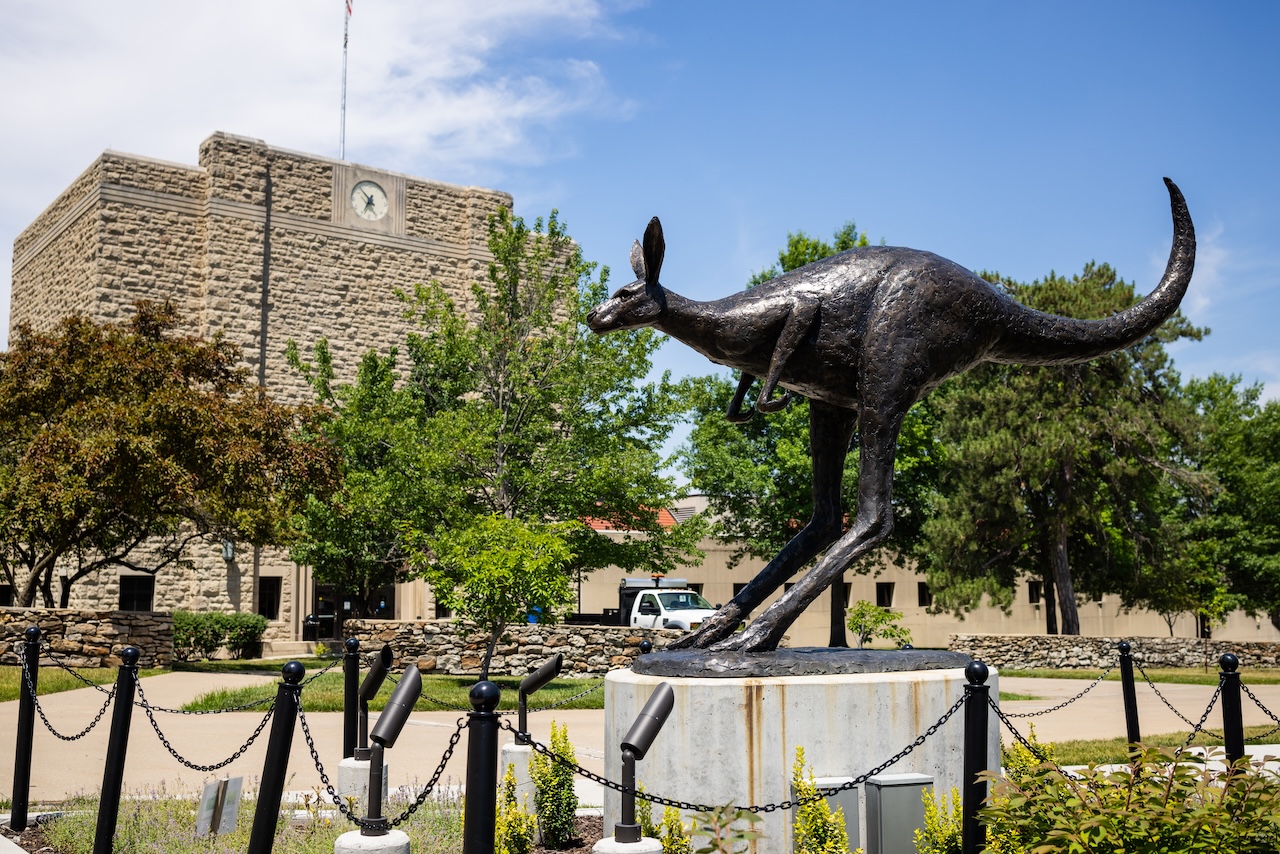
A groundbreaking year filled with excitement and many firsts for the university
The year 2023 saw rapid growth for Kansas City and its university. UMKC continues to reach new heights as an institution of higher education. With our students, faculty and staff at the forefront of our accomplishments in deep partnership with the community, it has never been a more exciting time to be a Roo.
Here are the Top 10 stories of 2023 at UMKC.
Roos in Flight: UMKC Community Involved in Creation of New Airport Terminal
In February, the new KCI Airport terminal opened to travelers and UMKC students, alumni and faculty helped make it happen. Together, Roos from communication, design, engineering, consulting and art backgrounds were involved throughout the largest infrastructure project in the history of the city.
UMKC Student Opportunities with the Kansas City Chiefs
UMKC announced that it is an official higher education partner of the Kansas City Chiefs, the 2022 World Champions. The five-year partnership between UMKC and the Kansas City Chiefs focuses on student success and recruitment efforts. Opportunities for UMKC students include scholarships as well as leadership, mentorship and career-shadowing within the Chiefs organization. Events for prospective students include stadium tours and other programs.
Revealing the Future of the UMKC Health Sciences District
The university revealed the design of its largest capital investment to date: the $120 million Healthcare Delivery and Innovation Building. With key funding from the state of Missouri and visionary Kansas City donors, the building will enable the university to provide state-of-the-art education, find newer and better ways to serve patients in need, strengthen collaborations with surrounding neighborhoods and facilitate greater interdisciplinary partnerships to fuel innovation and research.
UMKC Announces $10 Million Transportation Grant During Pete Buttigieg Visit
U.S. Secretary of Transportation Pete Buttigieg visited UMKC to discuss a new $10 million federal grant awarded to the School of Science and Engineering to develop innovative approaches to improve the sustainability and equity of transportation infrastructure. UMKC was among 20 selected from 169 universities to lead Tier 1 University Transportation Centers for underserved and disadvantaged populations.
Greater Kansas City and Missouri Named Tech Hubs
The U.S. Economic Development Administration has named the KC region and Missouri “Tech Hubs” as part of a historic investment to strengthen the U.S. economy and national security - and UMKC played a significant role in this recognition. "The new Tech Hubs designation provides great scope for innovation in Kansas City – and I can envision all the groundbreaking advancements to come as our UMKC students, faculty and staff work in collaboration with the many fantastic organizations in the greater Kansas City area," said UMKC Chancellor Mauli Agrawal. "We at UMKC could not be more excited."
UMKC is Now a First Scholars Institution!
This new designation from the NASPA Center for First-Generation Student Success recognizes our efforts in supporting students with programs such as First Gen Roo Scholars. About half our students are first-generation students, and those who participate in the program have higher GPAs and are more likely to complete their degree than those who don't take part.
New UMKC School of Medicine Building Will Transform Health-Care Access in Missouri
UMKC broke ground on a new $14.5 million medical building for the School of Medicine campus in St. Joseph. With nearly half of rural counties in Missouri lacking adequate health-care access, this 22,000-square-foot building will transform access by training future health care providers who are committed to rural medicine, supporting research and providing care to people in St. Joseph and the surrounding area.
UMKC Divine Nine Garden Deepens Community Connections
UMKC paid tribute to the contributions and presence of the Divine Nine fraternities and sororities with a ceremonial unveiling in the heart of campus. Hundreds of people from across the Kansas City region representing the Divine Nine Black Greek organizations that make up the National Pan-Hellenic Council gathered to celebrate.
What Do UMKC and the Kansas City Zoo Have in Common? Kangaroos
UMKC and the Kansas City Zoo & Aquarium announced a five-year partnership centered around their shared love of kangaroos. The relationship between the two Kansas City institutions dates back almost 90 years. Next time you find yourself at the zoo, venture into the Australia section to learn how the Roo came to be the mascot of UMKC.
Taylor Swift Eras Tour is Part of This UMKC Dance Alum's Resume
It's definitely been the year of T Swift, and Conservatory alumnus Kameron Saunders has enjoyed the excitement. He had the chance to "make the whole place shimmer" in Kansas City as a backup dancer on the Eras tour with Taylor Swift. Although originally from St. Louis, Saunders considers Kansas City a second home.
Dec 16, 2023
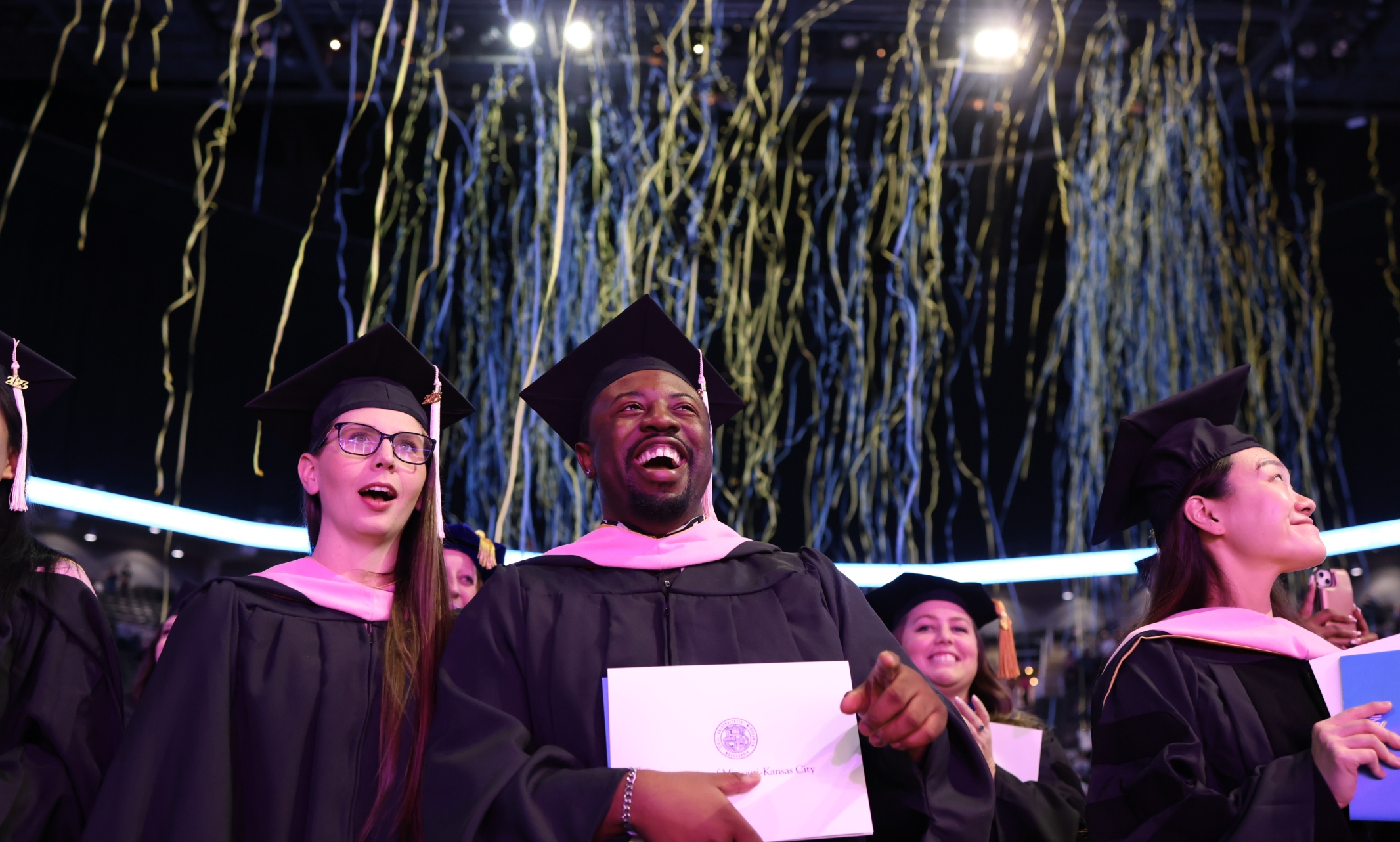
Kansas City’s university held its annual Mid-Year Commencement at the T-Mobile Center in downtown Kansas City
UMKC graduates and their loved ones filled the T-Mobile Center as more than 1,000 degrees were conferred.
“I know you are a remarkable group of people,” said Chancellor Mauli Agrawal. “I am proud to be here today to celebrate this momentous occasion with you.”
UMKC alumna Esther George (MBA ’00) was the keynote speaker. George was the first woman president and chief executive officer of the Federal Reserve Bank of Kansas City. “Keep learning and remember this, the degree UMKC is about to confer upon you today does not represent what you know, but what you are capable of learning,” George said. “Let curiosity lead you to places of knowledge that you might not have considered.”
Kansas City Mayor Quinton Lucas also addressed the graduates, encouraging them to push through challenges many face in their careers and in life. “I know as you’ve gone through your journey many things have changed, but you have persevered,” Lucas said. “Be ambitious, courageous and bold…You should continuously strive to be famously excellent in all you do.”Following the addresses, the graduates were recognized and the Class of 2023 moved their tassels from the right to the left side of their caps, symbolizing their status as graduates. The celebration concluded with confetti, streamers and sparklers.
Dec 15, 2023
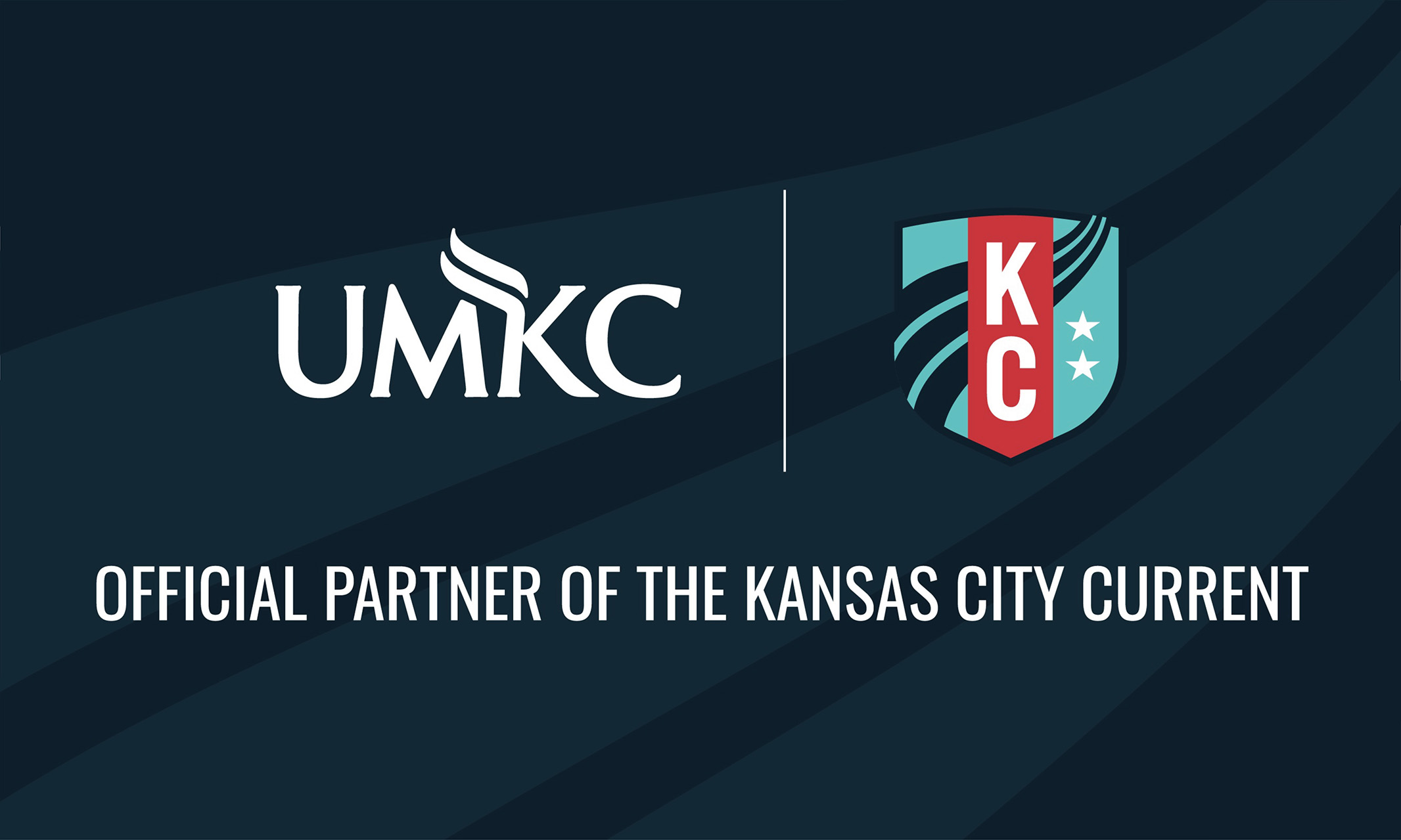
Kansas City’s university will provide undergraduate and graduate opportunities to Current players
The Kansas City Current announces a multi-year partnership with the University of Missouri-Kansas City as the Official Higher Education Partner, beginning in the 2024 NWSL preseason.
UMKC will provide first-of-its-kind undergraduate and graduate opportunities to players actively on the Current roster. The Current will provide player and coach mentorship as well as access to Current facilities for preseason training and a match.
“We are so thrilled to announce this new partnership with UMKC,” said Current co-owner Angie Long. “We want to provide every opportunity to our players to continue their higher education. We think this relationship will present groundbreaking opportunities and educational access for our athletes as well as the Roos scholar-athletes. We are proud to partner with UMKC and eager to provide a unique education opportunity that can complement the demanding schedules of our professional athletes as they build the skills they need to succeed off the pitch.”
This partnership focuses on elevating education on multiple levels. UMKC will provide educational opportunities for KC Current athletes through its robust academic programs. The Current will use its platform to elevate UMKC and its women’s soccer program, allowing scholar-athletes to connect with KC Current players for leadership and mentorship. The Roos will host one pre-season and one regular season match at the Sports Complex in Riverside, Missouri on the Championship Field in 2024.
UMKC will also be able to share the excitement of KC Current soccer on campus, when it brings its Teal Mobile takeovers to students, with team spirit and merch opportunities.
“Kansas City’s groundbreaking team is partnering with Kansas City’s groundbreaking university,” said UMKC Chancellor Mauli Agrawal, Ph.D. “Both of our institutions are breaking barriers and we intend to keep breaking them.”
The Kansas City Current announced plans for the first stadium purpose-built for a professional women’s soccer team with expected completion in 2024. | Photo courtesy of the Current.
UMKC has a host of unique programs to elevate students across various professions. UMKC’s top-ranked School of Medicine innovated a combined six-year B.A./M.D. program, different from the traditional eight-year program. UMKC founded Supplemental Instruction, a peer-tutoring system now used at hundreds of colleges around the world because it boosts letter grades and retains students through reinforced learning. Just this month, the NASPA Center for First-Generation Student Success designated UMKC a First Scholars Institution, recognizing the university’s unique methods of helping first-generation students succeed in college, earning higher GPAs and retention rates when compared with their peers.
The UMKC Division I Athletics program is also exceptional, with students exceling on and off the field. Players on the women’s soccer team have a cumulative 3.63 GPA. This year, the Summit League recognized Roos Women’s Soccer Coach Jess Smith as its Coach of the Year. Smith also is a coach for the KC Current Summer Camp.
“We are fortunate and grateful to partner with the KC Current organization,” said Brandon Martin, Ph.D., UMKC vice chancellor and director of Athletics. “Our mission, goals and priorities are aligned, and we look forward to immediate championship-level synergy. This partnership not only elevates our women’s soccer program but propels our effort to advance Kansas City.”
Roos Women's Soccer Coach Jess Smith won the Summit League Coach of the Year. | Photo courtesy of UMKC Athletics.
These two groundbreaking Kansas City institutions share other deep connections.
UMKC alumni serve as top KC Current leaders: Monica Ngo as Vice President of Human Resources for the Current and Maggie Walters as General Counsel.
UMKC faculty Meg Gibson, M.D., is a physician for the Current.
Current founders and co-owners Angie Long and Chris Long were named Kansas City Entrepreneurs of the Year by UMKC for their leadership roles at Palmer Square Capital Management and their work with the Current, two powerful platforms that are leading the way in making positive change on a global basis.
It’s that worldwide emphasis that also makes this partnership groundbreaking in nature. UMKC attracts students from more than 75 countries and the Current’s fanbase spans the globe. The Current roster features international players from France, Canada, Sweden, Brazil and Denmark. Kansas City’s university and the Current align in their missions to be the best in the world while also being pillars of the Kansas City community.
Crowds line up for the KC Current's Teal Mobile for team spirit and merch. | Photo courtesy of KC Current
About the Kansas City Current
Founded in December 2020, the Kansas City Current is led by the ownership group of Angie Long, Chris Long, Brittany Mahomes and Patrick Mahomes. The team competes in the National Women’s Soccer League (NWSL). The Kansas City Current announced plans for the first stadium purpose-built for a professional women’s soccer team with expected completion in 2024. To receive periodic updates on the new Kansas City Current Stadium at Berkley Riverfront Park, visit here to sign up for more information or to stay connected.
About the University of Missouri-Kansas City
The University of Missouri-Kansas City is a public research university with more than 15,300 students and more than 125 academic programs. Its two main campuses are in the heart of Kansas City, providing students with unparalleled access to jobs and internships. UMKC is dedicated to providing a quality education to everyone with one of the largest percentages of Pell-Grant-eligible students in the nation and in-state tuition scholarships to students in all 50 states.
Dec 13, 2023
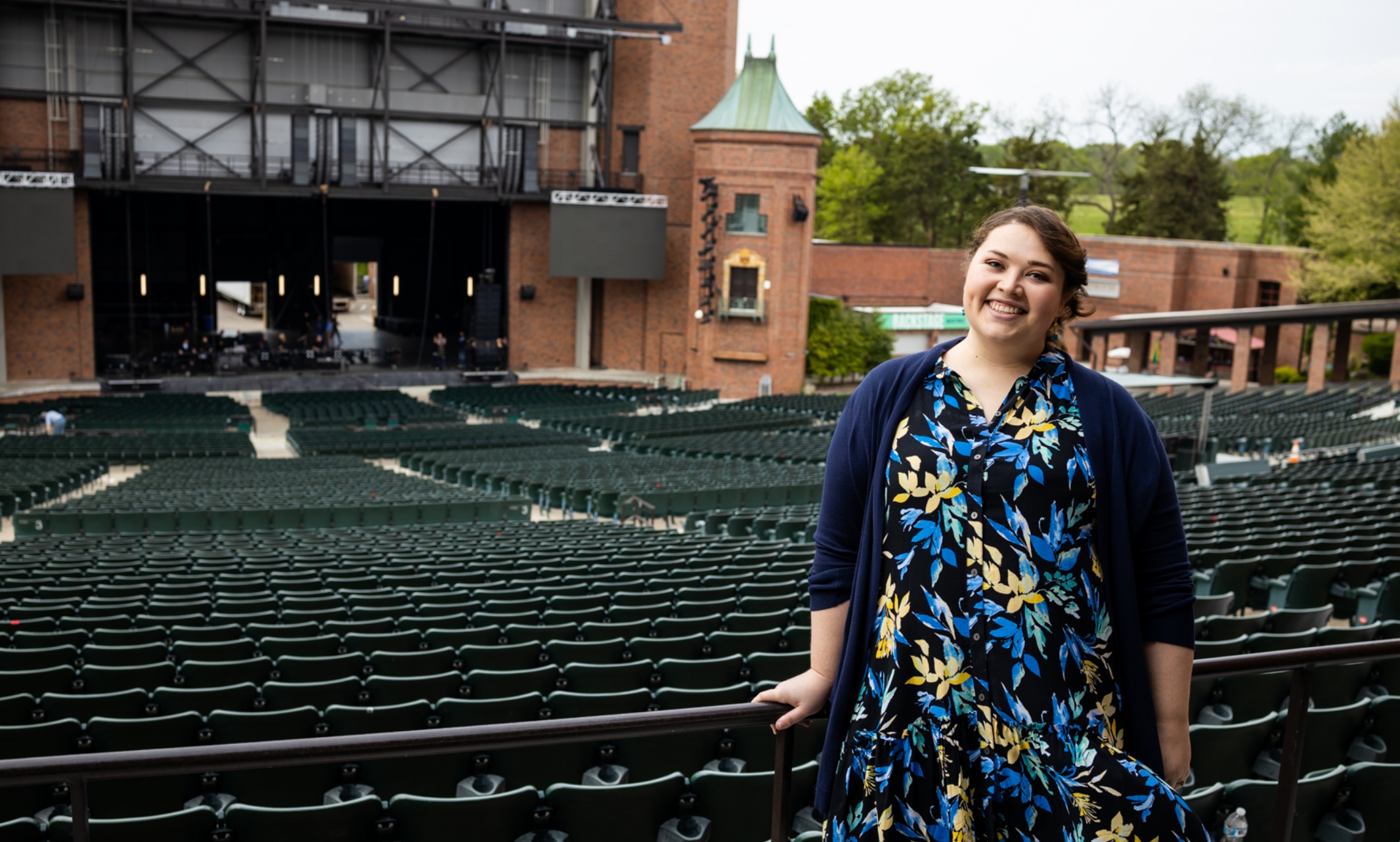
Kansas City’s outdoor/indoor performing arts venue was the opening number for a career in arts marketing
Roslinde Rivera has been going to Starlight since she was a child, but now her view of the stage is a little different.
Rivera, who is pursuing her MBA and graduate certificates in performance and performing arts management, was a marketing intern for Starlight.
Rivera was interested in arts administration and knew the UMKC performance arts management certificate would be a perfect fit for her career goals. When she met with faculty member Lisa Anderson Bongers, they narrowed down Rivera’s focus to find an internship to jumpstart her career path.“I’m interested in marketing and development, so we had a conversation about what places would be best for me to start in marketing,” Rivera said. “When Starlight came up on that list, I was very interested.”“Having that connection to Starlight and able to come back to a place I love, that was really important to me,” Rivera said.
Working at Starlight gave Rivera the opportunity to hone her marketing skills in a supportive environment. She put together press kits, wrote blog posts, managed social media and worked with outside partners.
“One thing that I always look for in a workplace is great community,” Rivera said. “Being at Starlight has really shown me what a good community looks like in how people treated each other.”Starlight is a natural fit for Rivera, a singer and performer.
Rivera knew her hometown had endless opportunities, both as a student and beyond.“Being able to go to a local university that has so many connections is incredible,” Rivera said. “Kansas City has so many opportunities, and I don’t think a lot of people realize the connections, especially if you’re wanting to go and perform.”
“There are people in all different paths of life and they’re all working toward something,” Rivera said. “If you’re starting out and you’re terrified and you don’t know what to do, you have people that you can look up to. And I think that’s just really invaluable.”
Dec 05, 2023
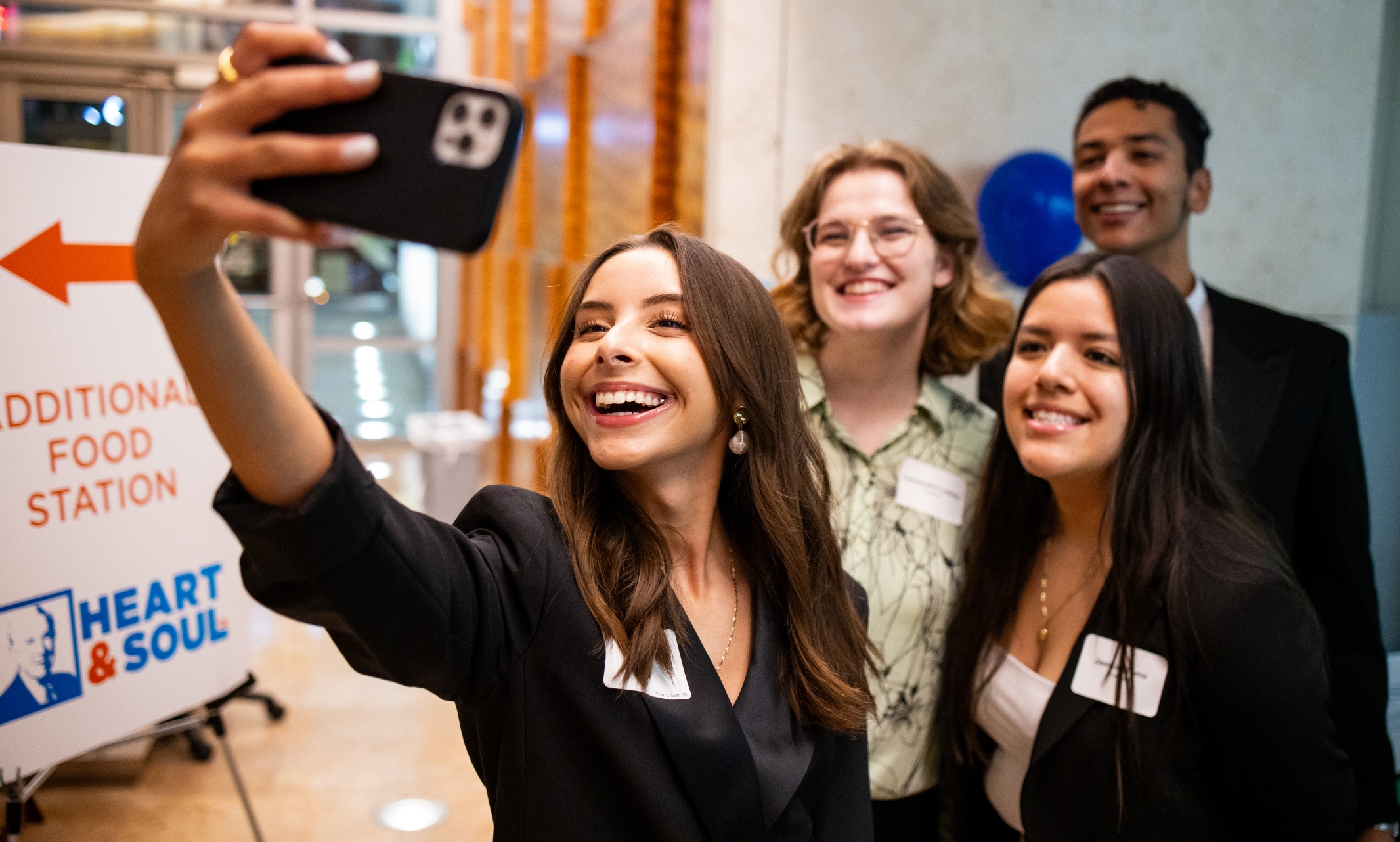
Sports are a common thread and include KC Current and Chicken N Pickle
Five game-changing entrepreneurs were awarded during the Henry W. Bloch School of Management Regnier Institute’s 37th annual Entrepreneur of the Year Awards.
Started in 1985, the event celebrates the contributions of entrepreneurs in Kansas City and beyond by recognizing the work of students as well as local, national and global-industry entrepreneurs and leaders.
This year’s event was held at the H&R Block headquarters - the industry-shaping business entrepreneurs Henry Bloch and his brother, Richard Bloch, founded.
Prior to the awards ceremony, attendees learned about business ventures by students from Bloch and the Kansas City Art Institute at the Student Venture Showcase.
“Their dedication and passion is truly inspiring,” said UMKC Chancellor Mauli Agrawal. “Celebrating risk takers and innovators is one of the reasons I look forward to this event.”
The 2023 awardees:
Henry W. Bloch International Entrepreneur of the Year and Entrepreneur Hall of Fame Inductee
Marcelo Claure, Founder and CEO of Claure Group and Founder of Brightstar
Claure is a global entrepreneur and the founder and CEO of Claure Group, a multi-billion-dollar global investment firm. He is a well-known entrepreneur and operator after building Brightstar from a small local distributor to the world’s largest global wireless distribution and services company.
As an investor, Claure was also the CEO of SoftBank Group International where he launched SoftBank’s $8 billion Latin America Funds and had direct oversight for SoftBank's operating companies like ARM, SB Energy, WeWork and others. Claure also helped orchestrate Sprint's $195 billion merger with T-Mobile, creating what is now one of the most valuable telecommunications companies in the world.
"The journey of an entrepreneur is never a straight line," said Claure, who delievered remarks via video. "My goal is to continue innovating, lead with integrity and inspire future entrepreneurs."
Claure owns Club Bolívar, Bolivia's largest professional soccer team, and is a co-owner of Spain's Girona FC, in partnership with City Football Group.
Claure was inducted into the Entrepreneur Hall of Fame. Located on the main level of the UMKC Bloch Executive Hall for Entrepreneurship and Innovation, the hall of fame gives students and the community a peek inside the journeys of Kansas City’s entrepreneurial stars. The dedicated gallery space was the vision of Joe and Judy Roetheli, creators of Greenies dog treats. Their goal is to honor entrepreneurs and inspire students. Exhibits of the hall include an interactive touchscreen featuring inductee biographies, artifacts from their lives and words of inspiration from the entrepreneurs themselves.
Kansas City Entrepreneurs of the Year
Chris Long, Founder of Palmer Square Capital Management
Angie Long, Chief Investment Officer of Palmer Square Capital Management
Chris Long founded Palmer Square Capital Management, an approximately $27 billion asset manager focused on corporate and structured credit with offices in Kansas City and London, in June 2009. Currently, he serves as chairman, CEO and portfolio manager. He serves on the Board of Directors of the KC Sports Commission and Greater Kansas City Community Foundation and in many roles related to Princeton University.
Angie Long is chief investment officer and one of two principal owners for Palmer Square Capital Management. Her career includes experience at JPMorgan Chase & Co. where she was named a managing director at age 29 and held many senior roles. She serves on the Board of Directors of Union Station as well as the KC 2026 World Cup Board. She is a member of the 100 Women in Finance and is a CFA charter holder.
Along with co-owner Brittany Mahomes, the Longs brought a National Women’s Soccer League franchise back to Kansas City. The Kansas City Current has built the only training facility in the world with a women’s professional team as the sole tenant. They are also building the world’s first stadium devoted to a women’s professional soccer team.
"We get to lead two amazing organizations - both of which have powerful platforms to be a positive force on a global basis," the Longs said at the event. "It is a privilege we do not take lightly. We are fortunate to work with some of the most talented, passionate people in both the investment world and the sports business. Together, and as a result of the hard work, innovation and leadership of these organizations, it is exciting to look at the impact."
Marion and John Kreamer Award for Social Entrepreneurship
David Johnson, Founder of Chicken N Pickle and CEO of Maxus Realty Trust
Johnson had already founded and developed a successful real estate management company when he created Chicken N Pickle in 2017. The concept burst onto the scene, and now has eight venues open, with seven more announced across several states.
Community engagement is at the core of the Chicken N Pickle culture, with programs that provide strong support for 2,029 charitable organizations in the surrounding areas where each of the Chicken N Pickle locations are based. Extra money is raised for charities through their cup sales, and more than $100,000 was donated just through those extra dollars to support the community.
"My team embraces the community everywhere they go, and they deserve all the credit," Johnson said. "We've found that by doing good, good things happen to us."
Johnson is currently on the board of Verimore Bank, KC Crime Commission, MU Dean’s Board and Kansas City Chamber of Commerce.
Student Entrepreneur of the Year
Lesly Romo
Romo is a business administration student and bilingual real estate professional. Over the past year, she has achieved more than $2 million in sales and possesses a comprehensive understanding of the real estate industry. Currently, Romo holds the role of vice president of projects for UMKC Enactus, where she takes the helm of multiple innovative initiatives that leverage social entrepreneurship to drive meaningful change.
Romo is working to establish a nonprofit organization dedicated to promoting financial literacy in the Hispanic community. She is also looking to construct a multifaceted soccer facility. The aim is to create an inclusive space for soccer enthusiasts of all backgrounds.
"This serves as a commitment to turn my wildest dreams into action," Romo said."We will unite people through their love of soccer as they come to Kansas City for the World Cup (in 2026)."
All proceeds from the event directly benefit the Regnier Institute for Entrepreneurship and Innovation’s student and community programs. The Regnier Institute at the Bloch School focuses on connecting students and community members with a comprehensive combination of world-class research, renowned faculty, cutting-edge curriculum and experimental programs driven to deliver results and nurture the next generation of entrepreneurs.
Dec 01, 2023
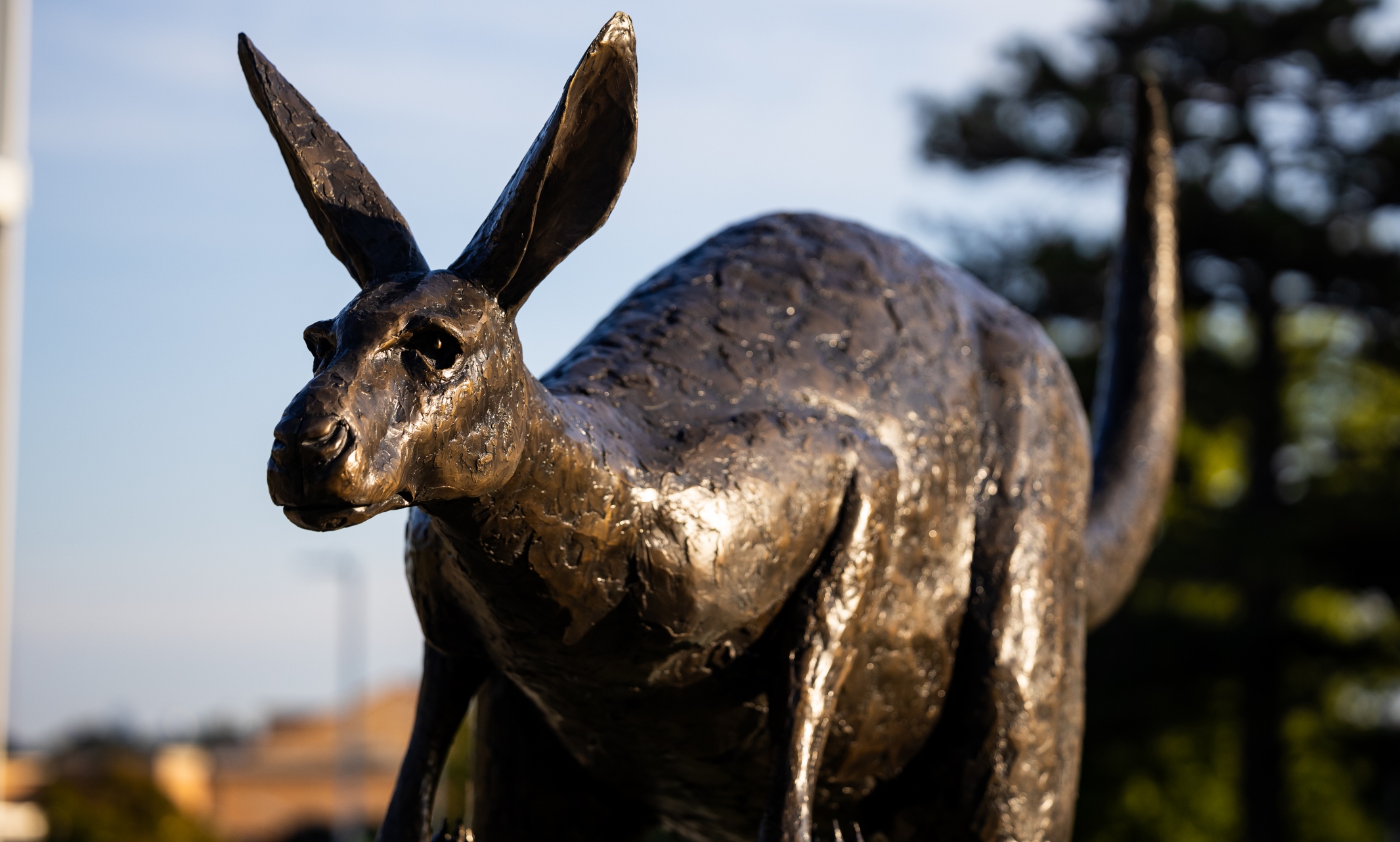
The new process will make the form simpler, more streamlined
The U.S. Department of Education is making changes to the Free Application for Federal Student Aid (FAFSA), which students should fill out each year.
The changes are the result of the FAFSA Simplification Act. Here are the top five things you need to know about the change.
1. The FAFSA will be available later than usual.
The FAFSA forms are typically available Oct. 1 of each year. This year, they will be available later than that. The Department of Education has announced the application is expected to be open by Dec. 31.Every student should fill out the FAFSA every year. UMKC students should file by the April 1 priority deadline to increase their chances of receiving grants and scholarships.
2. Your parent or spouse will need their own StudentAid.gov login.
Spouses and parents who provide information in the FAFSA will be called contributors. They’ll also be required to create their own logins. If your parent or spouse will be a contributor, encourage them to create an ID now to ensure they’re able to fill out their portion of your FAFSA quickly.
3. The application will have fewer questions.
The updated FAFSA is much shorter and can pull information directly from your income tax return. To pull from your income tax return, you’ll need to consent via your FSA ID. If you do not have an FSA ID, you can create one now so you’re ready when the FAFSA is available. Other helpful information to gather includes:
Legal Name
Date of birth
Social security number (if applicable)
Mailing address
Email address
Note the UMKC FAFSA code: 002518
4. The new form uses different terminology.
The 2024-25 form has new terminology that may replace older terms you’re familiar with. Notably, the Student Aid Index (SAI) will replace the term “Expected Family Contribution” (EFC). This term refers to a student’s approximate financial resources available to contribute to their education.
5. The change will expand access to federal Pell Grants.
More students will be eligible for Pell Grants. Eligibility will be linked to family size and the federal poverty level.
Nov 21, 2023
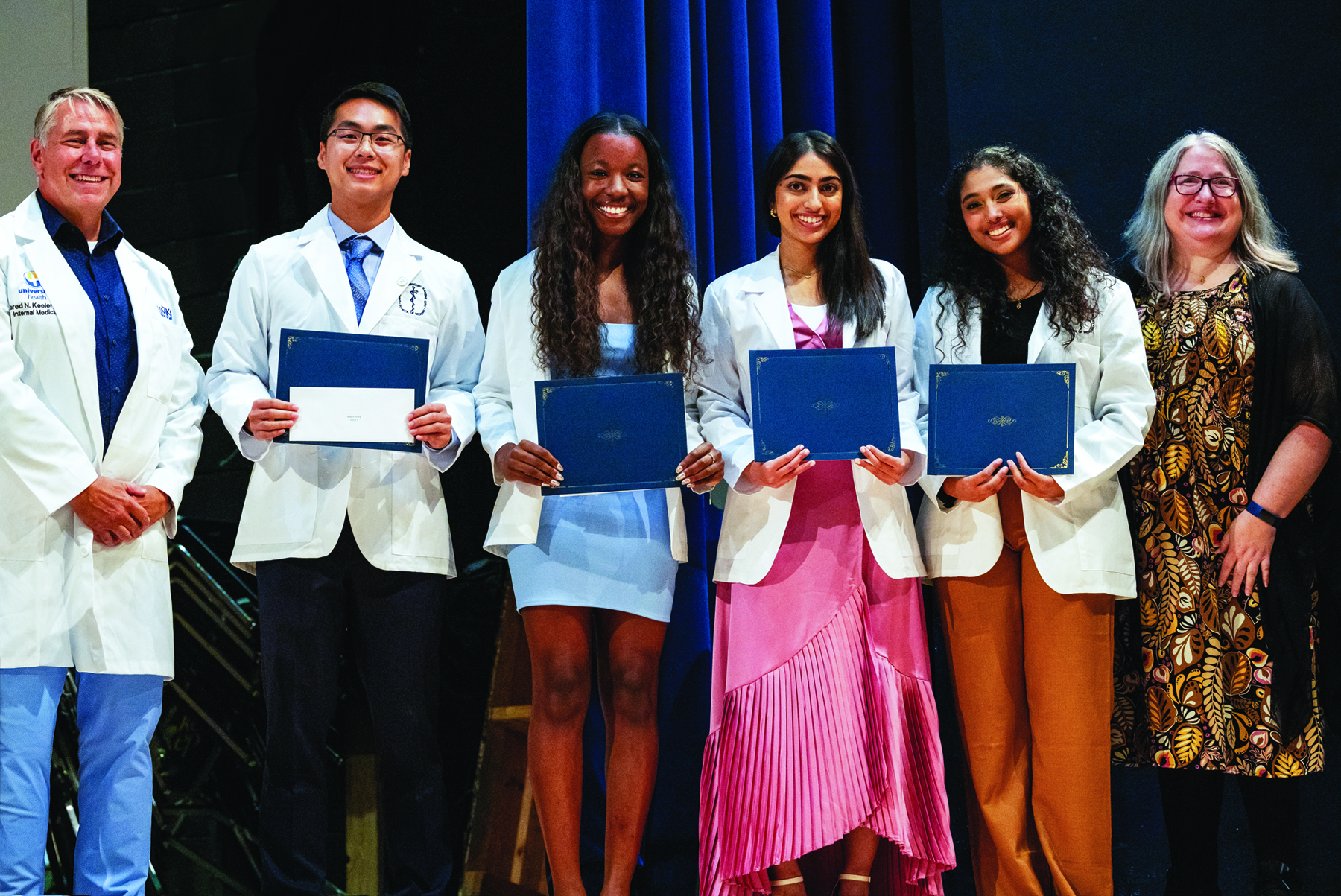
The school received the award from INSIGHT Into Diversity magazine
The University of Missouri-Kansas City School of Medicine has received the 2023 Health Professionals Higher Education Excellence in Diversity (HEED) award from INSIGHT Into Diversity magazine.
In a letter to 2023 winners, INSIGHT Into Diversity magazine said the school’s efforts "significantly advance" the core values of diversity, equity and inclusion as evidenced through mentoring, teaching, research, hiring and promotion, recruitment, retention and many other campus priorities deserving of this national recognition.
"As an institution we continue to strive to create a learning and clinical environment that is diverse, equitable and inclusive to all graduate and medical students, residents, fellows, staff and faculty members,” said Tyler Smith, M.D., M.P.H., associate dean of Diversity, Equity and Inclusion. “These core values guide the School of Medicine’s Office of Diversity, Equity and Inclusion. While managing the evolving landscape of diversity, equity, and inclusion in higher education, UMKC SOM continues to uphold the vision, mission, goals and values in place since the institution’s founding.”
The school has introduced the next generation of providers to DEI values through strategic initiatives and leadership that champions the success of all students, including its anti-racism and cultural bias program that prepares medical students for a career where these principles are incorporated. Students complete this program before going through clinical rotations, helping to ensure that all students are giving the highest level of care from day one.
Other School of Medicine initiatives — such as specialized care for students at academic risk, the Multicultural Advisory Committee of Students and the Summer Success Seminar Series — provide opportunities for future medical providers.
“I am so proud of our incredible faculty, staff and students who work tirelessly to expand the DEI work that our medical school takes such great pride in," said Mary Anne Jackson, M.D., dean of the School of Medicine. "A lot of that work includes recruiting and retaining students from different backgrounds who share different beliefs, attitudes and experiences. This is especially important, because as our students graduate and join the health-care team, we know a more diverse workforce promotes better care for diverse populations. It improves access, quality of care and health outcomes.”
This is not the first time that UMKC has been recognized for its DEI efforts. INSIGHT Into Diversity magazine also recognized the School of Medicine with the award in 2022 and 2018.
Nov 15, 2023
Esther George’s (MBA ’00) journey is one marked by leadership, accomplishment and breaking glass ceilings.
In 2011, she became the first woman president and chief executive officer of the Federal Reserve Bank of Kansas City. For more than 10 years, George led a workforce of 2,100 Federal Reserve employees serving seven states from the bank’s headquarters in Kansas City. She had a major influence on our nation’s banking system, and was actively involved in the Federal Reserve’s work to ensure the smooth and efficient functioning of the nation’s payment system, including leading the effort to establish instant retail payments known as the FedNow Service.
“Great cities have great universities, and I see Kansas City as poised to build on its momentum with UMKC at its center.” — Esther George (MBA ’00), retired president and CEO of the Kansas City Federal Reserve Bank
But before all of that, she was a student at the UMKC Henry W. Bloch School of Management, a choice she credits with preparing her for the role.“Education is such an important investment, and I consider UMKC and the Bloch School as playing a key role in my leadership development that ultimately led to my appointment as president and CEO of the Kansas City Fed,” George said. George enrolled at the Bloch school as a full-time employee and mother to two young children. Being able to go to a renowned institution that fit into her life was a key part of her decision of where to receive her master’s degree.“The proximity of the master’s program at the Bloch School and the quality of the curriculum made it a perfect choice,” George said. George said she made faculty connections at UMKC that have lasted throughout her career, and that she even keeps in touch with some today. “Their enthusiasm for the subjects they taught was infectious and effective,” George said.George said the impact of connecting has been impactful for her career, and advised future female leaders to look for people who can help them grow. “As women invest in their education and pursue a given career path, it can be helpful to rely on mentors,” George said. “I benefited from looking to people with more experience, with different experiences to help me think about my personal effectiveness.” A Kansas City leader, George serves on the boards of the Hallmark Corporation, the Ewing Marion Kauffman Foundation, the Peterson Institute for International Economics and the Kansas City 2026 World Cup.
Nov 15, 2023
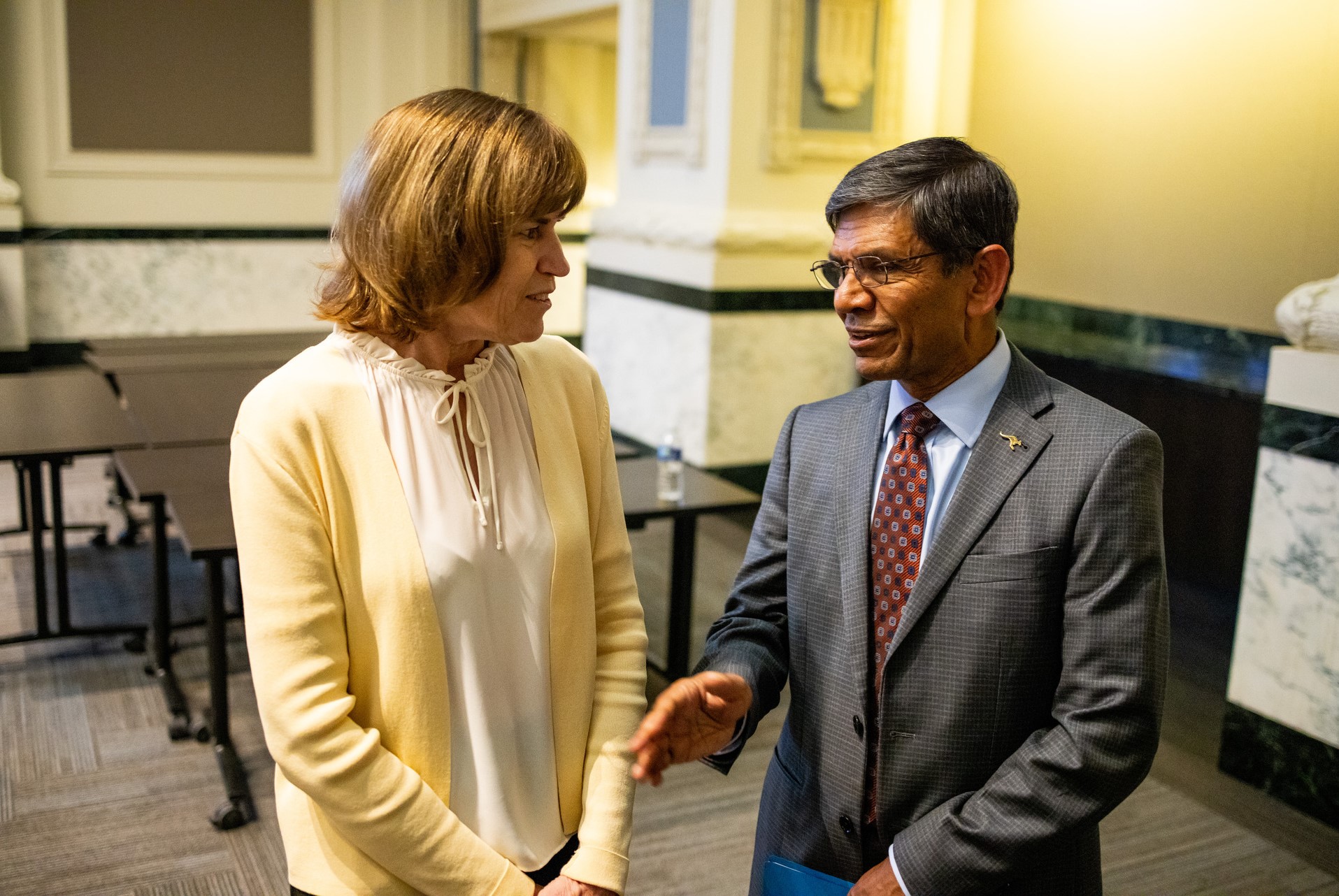
Partners include BioNexus KC, KC Digital Drive and Pipeline Entrepreneurs
The University of Missouri-Kansas City was awarded a $2 million Build to Scale grant along with partners BioNexus KC, KC Digital Drive and Pipeline Entrepreneurs to advance Digital Health KC from the Economic Development Administration.
The Ewing Marion Kauffman Foundation will match the award, totaling $4 million, to build upon existing digital health strengths in the KC region.
Digital Health KC will create ideal conditions for a vibrant ecosystem, catalyze collaboration and connect critical elements such as ideas, talent, companies, capital and customers. This funding will fuel Digital Health KC to support health-care technology entrepreneurs, foster innovation, build and strengthen the region’s talent pool and inspire economic growth.
“Our ecosystem is rich in talent and ideas but requires additional financial and industry-specific support," said Dick Flanigan, CEO of Digital Health KC. "Solving health care’s most significant challenges involves people, processes and technology, all aligned to provide solutions. Digital health offerings are among the most promising solutions seeking to improve access and quality while addressing the ever-increasing cost of care. This grant will increase our resources for funding, mentorship, connectivity and guidance to attract and grow companies in the KC region.”
Over the next three years, Digital Health KC and partners will advance early-stage digital health companies with programming to increase understanding of the unique aspects of building health-care solutions, executing a go-to-market plan and identifying and providing industry-specific mentors and business acumen support.
This investment will result in more than 20 new startups for a regional total of 120+ companies, 15 completed beta customer projects, $45 million in debt and equity investment and 500 new jobs for the KC region.
“Ecosystem building is a team sport, and it starts with community organizations uniting for a common purpose – to build a thriving digital health network with intentionality,” said Maria Meyers, executive director of the UMKC Innovation Center. “We are pleased to partner and grateful to the Kauffman Foundation for providing needed matching funds to bring this federal investment to the region. Our collective commitment to digital health will catapult the KC region and profoundly impact our community.”
Initially funded by the Patterson Family Foundation, Digital Health KC was launched in March 2023 by BioNexus KC, a life-sciences nonprofit creating opportunities at the nexus of human and animal health. UMKC is a BioNexus KC stakeholder.
The community heavily supported the EDA Build to Scale proposal, including industry, health-care providers and payers, investors, economic development organizations, workforce, government and nonprofit organizations in the KC region.
Nov 14, 2023
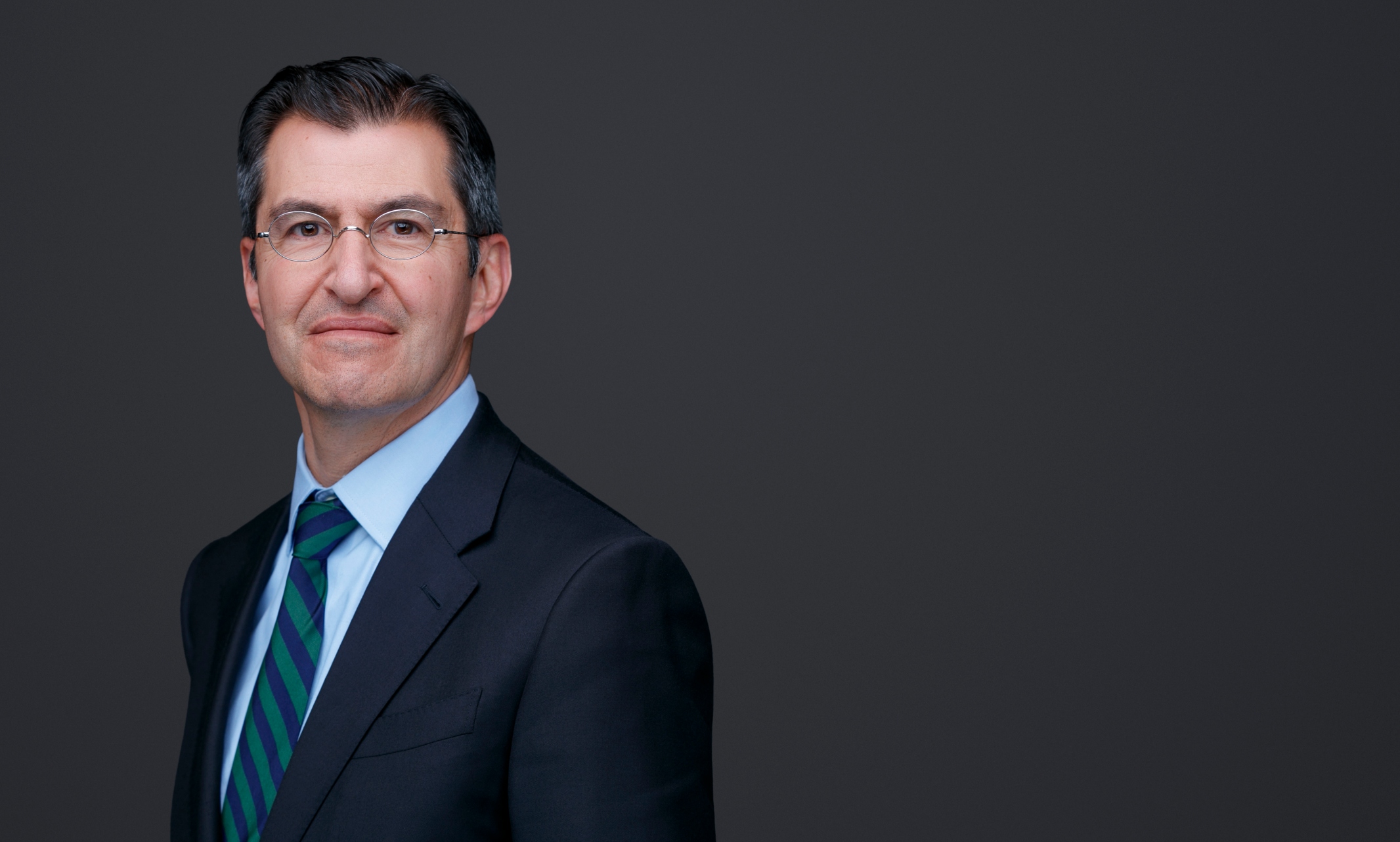
Alexander Norbash has a background in research and health-care collaboration
Alumnus Alexander Norbash, M.D., M.S., FACR, has been named the new dean of the University of Missouri-Kansas City School of Medicine. He will begin March 11.
Norbash will be coming from the University of California San Diego (UCSD) where he serves as chair and professor of radiology at the School of Medicine. His personal and professional experiences uniquely position him to lead the School of Medicine during this time of rapid advancement in the health-care enterprise at UMKC.
“I am thrilled to be returning to my hometown of Kansas City and my alma mater where I received an innovative and exceptional medical education at the UMKC School of Medicine,” Norbash said. “It is an exciting time for the school and the UMKC Health Sciences District, and I hope to enhance and contribute to UMKC’s upward trajectory. We commit to educating our future health-care leaders, fostering and implementing advances in clinical care, facilitating research and discovery, with the goal of creating great outcomes in our service to the community.”
Prior to UCSD, Norbash held multiple academic and leadership appointments, including at Stanford University School of Medicine, Harvard University School of Medicine and Boston University School of Medicine.
Norbash grew up in Platte City, the son of a rural doctor. He discovered the innovative UMKC School of Medicine and graduated in 1986 from the combined six-year B.A./M.D. program. From there he went on to further training in radiology and embarked on a career rich in clinical work, research and innovation. Along the way, he received a master’s degree in health-care management from the Harvard School of Public Health in 2004 and combined his clinical and research acumen to drive excellence, innovation and collaboration at top universities and hospitals across the country.
“Dr. Norbash has the ideal set of work and life experiences to help UMKC achieve its vision of continued excellence for our School of Medicine and growing our UMKC Health Sciences district into a preeminent academic medical center,” said UMKC Chancellor Mauli Agrawal, Ph.D. “He represents two passions that have been the hallmarks of our healthcare tradition at UMKC – pursuing equitable health care for all and harnessing innovation and technology to improve medical care. Those traits in him will be important assets in his new role.”
The School of Medicine is expanding in profound ways, both in medical education and the research enterprise and also in its physical footprint with a $120 million Healthcare Delivery and Innovation Building set to break ground in 2024 and a new $14.5 million medical education building underway on its St. Joseph campus.
“While interviewing Dr. Norbash, it became clear that he will bring an abundance of new ideas and experiences to propel the work being done at the School of Medicine,” said UMKC Provost and Executive Vice Chancellor Jenny Lundgren, Ph.D.
He will succeed Dean Mary Anne Jackson, M.D., another proud UMKC School of Medicine alum, who just this past month won national honors with the Association of American Medical Colleges Spencer Foreman Award for Outstanding Community Engagement. Jackson will continue as a faculty member and as a special advisor to the Chancellor on health affairs.
The UMKC School of Medicine, the top public medical school in Missouri for primary care, opened in 1971 to meet the heath-care needs of the state and the nation. Using an innovative approach, the school accepts students directly out of high school for the combined B.A./M.D. program that allows students to graduate in six years – vs. eight – with their medical degrees. The school also offers a traditional four-year program as well as four master’s degree programs in anesthesia, physician assistant, bioinformatics, and health professions education.
UMKC is one of only 20 universities in the U.S. to offer medical education along with dentistry, nursing and pharmacy on one campus. Combined with Children’s Mercy, University Health and city, county and state health organizations, it offers a unique UMKC Health Sciences District.
Nov 13, 2023
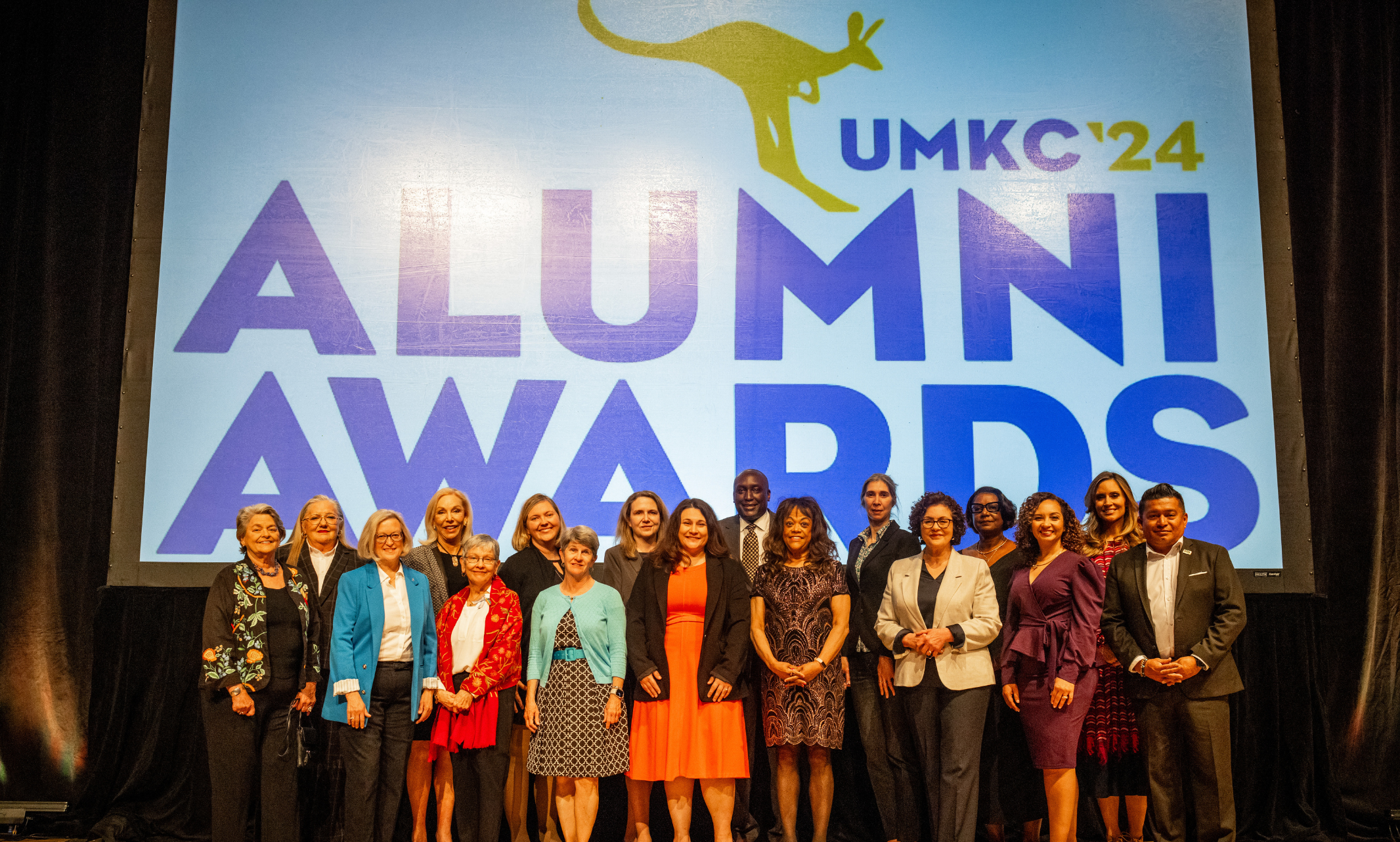
14 alumni and one family were honored April 5
The University of Missouri-Kansas City Class of 2024 Alumni Achievement Award recipients include a national ABC News anchor, a nonprofit founder and Kansas City trailblazers.
Each year, UMKC recognizes a select group of alumni for their inspirational accomplishments. The event offers a chance to celebrate the achievements and successes of graduates UMKC sends out into the world each year at Commencement, and raises funds to support their fellow Roos.
The Class of 2024 awardees were honored at a celebration on April 5 at the White Recital Hall in the James C. Olson Performing Arts Center.
University-Wide Alumni Awardees
Alumna of the Year
Rhiannon Ally (B.A. ’05) is a national anchor for ABC News’ “World News Now” and “America This Morning” and is a correspondent on “Good Morning America.” She also made her author debut with the children’s book, “Mommy, Please Don’t Go to Work!” The Raytown native co-anchored the Emmy-Award-winning 10 p.m. newscast for Kansas City’s NBC affiliate KSHB-TV alongside her husband, Mike Marusarz (B.A. ‘04), whom she met at UMKC.
Ally’s nearly 20-year career has taken her to Miami, New York, Los Angeles, London and Las Vegas. She has interviewed renowned celebrities including Madonna, Denzel Washington, Caroline Kennedy and Gloria Steinem. Ally also has had a front row seat to history, documenting events including the Boston Marathon bombing, the war in Ukraine, Hurricane Katrina and the Ghislaine Maxwell trial.
Spotlight Award
Carmaletta Williams (B.A. ’84, M.A. ’87, Ph.D.) is the Chief Executive Officer of the Black Archives of Mid-America in Kansas City. In this role, she plays a part in preserving and celebrating the role that Black Kansas Citians played in shaping, growing and enriching the Kansas City area. She also worked on a booklet titled ‘Kansas City Black History: The African American Story of History and Culture in our Community,’ which acknowledges, memorializes and documents the impact of exceptional leaders, artists, businesspeople and athletes from Kansas City’s Black communities.
The Bill French Alumni Service Award
As a member of the UMKC Board of Trustees and Trustees’ Scholars Committee, Suzanne Shank (J.D., MPA ’82) demonstrates an unwavering dedication to the university’s advancement.
She has also actively participated in numerous nonprofit associations, showcasing her commitment to philanthropy and community development. Her leadership roles in local organizations such as the KC Ballet, the UMKC Friends of the Conservatory, the Symphony League and the Lyric Opera, have contributed significantly to the cultural and artistic fabric of Kansas City.
Defying the Odds Award
Henry W. Wash (B.A., MPA) is the founder of High Aspirations, a proactive mentoring program for Black males ages 8 to 18 that emphasizes social, emotional, academic and spiritual growth. Over the last decade, this nonprofit has impacted thousands of young Black men’s lives. It is a nurturing program for Black males that increases social capacity and leads to a better quality of life for all.
Wash faced adversity early in his life. Abandoned by his mother at 3 months, he grew up in the foster-care system. He credits the mentorship he received from two prominent Kansas Citians, Henry W. Bloch and Thurman N. Mitchell, in helping him overcome his circumstances. Wash proceeded to get his undergraduate and MPA degrees from UMKC.
Legacy Award
The Tedrow/Selders/Hogerty Family's legacy at UMKC dates back generations. Joseph Herbert Tedrow graduated from the Kansas City School of Law in 1922.
His granddaughter, Martha Hogerty, earned her B.A. from UMKC in 1975 and her J.D. in 1979. She then served as Missouri Public Counsel for 12 years, where she advocated for Missouri residents and small businesses and represented Missourians in utility regulation cases.
Her daughter, Mary Needham, earned her B.A. from UMKC in 1988. Needham works at the UMKC Foundation as the director of development for the School of Humanities and Social Sciences.
School Alumni Achievement Awardees
Conservatory: Dina Thomas (MFA ’11)
Actor
School of Dentistry: Laila Hishaw (D.D.S. ’00)
Founding Partner, Tucson Smiles Pediatric Dentistry
School of Education, Social Work and Psychological Sciences: Donna Bushur (B.A. ’86, MSW ’06)
Health Forward Foundation, Impact Strategist
Henry W. Bloch School of Management: Julia Terenjuk (MBA ’00)
Founder and CEO, Creative Capsule
School of Humanities and Social Sciences: Daniel Silva (B.A. ’00)
President and CEO, Kansas City, Kansas Chamber of Commerce
School of Law: Allison Murdock (J.D. ’88)
Managing Partner, Stinson LLP
School of Medicine: Michael Monaco (B.A. ’84, M.D. ’87)
Internal Medicine Physician, Empower Preventive Care PA
School of Nursing and Health Studies: Lori Erickson (BSN ’06, MSN ’09, Ph.D. ’20)
Director, Remote Health Solutions, Children’s Mercy
School of Pharmacy: Crystal Riggs (Pharm.D. ’03)
Senior Vice President, Pharmacy Services, Curative
School of Science and Engineering: Amy Manning-Bog (Ph.D. ’99)
Chief Innovation Officer, MRI Global
If you were unable to attend the event but would like to donate to student scholarships, you can make a contribution online on the UMKC Alumni Association website.
The Alumni Awards ceremony is one of the university's largest events to support student scholarships. In the last decade, the Alumni Awards event has garnered more than $1 million in scholarships and immediate aid for UMKC students.
Nov 09, 2023
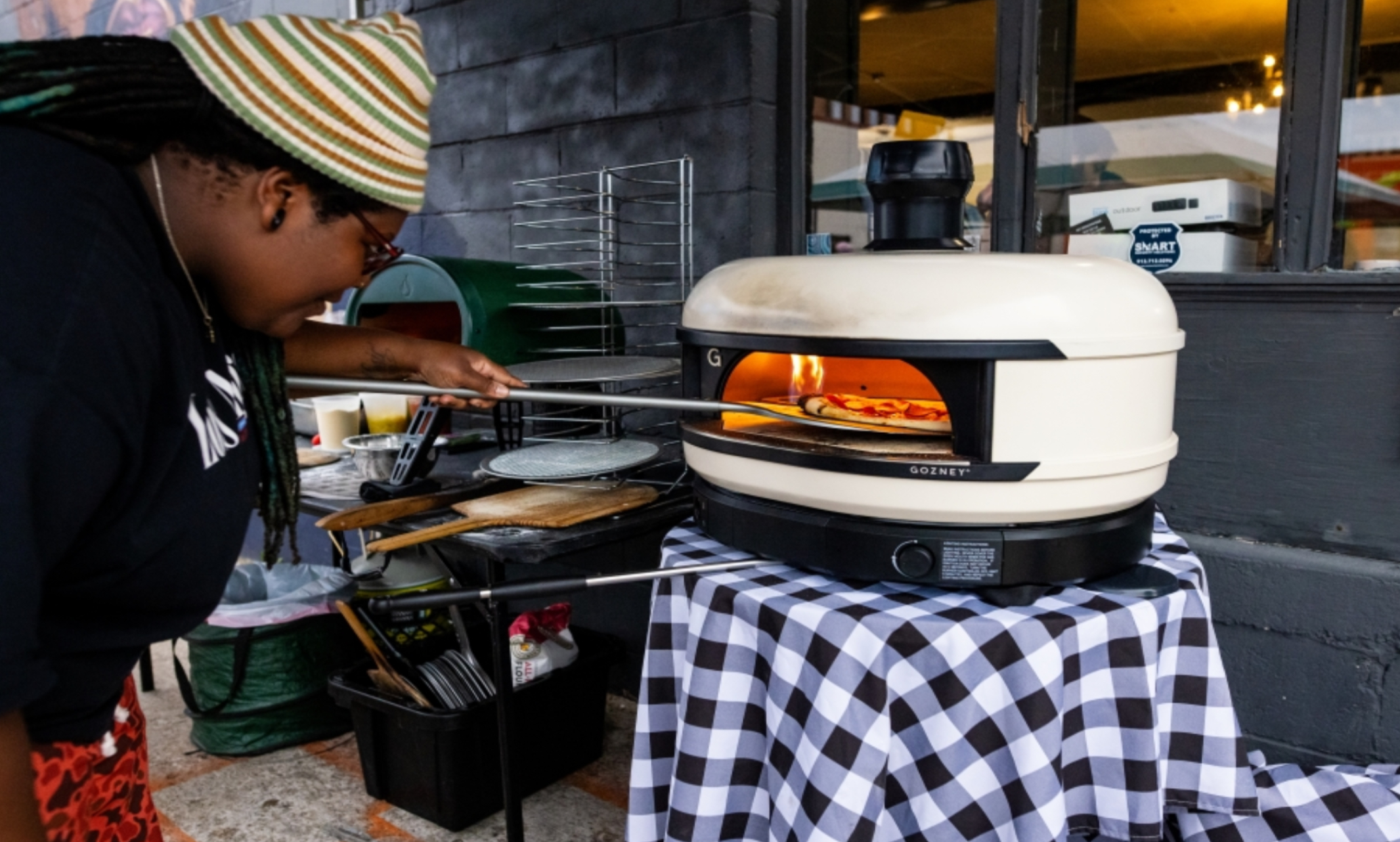
UMKC alum's senior project kicked off the pop-up pizzeria concept
When Jhy Coutler (B.A. '17) turned in her design senior project in 2017, there was no way of knowing the concept would be brought to life just four years later. What initially started as slinging pizzas in her backyard has turned into a pop-up pizzeria that can be spotted at various Kansas City businesses, including the recent Roos Mobb event at MADE MOBB.
We talked to Coutler about Devoured’s journey, from winning a Hulu cooking show competition to her future brick-and-mortar concept that plans to open in 2024.
What did you study at UMKC and how has that helped you with creating Devoured Pizza?
I studied studio art with an emphasis in graphic design . For our senior project, we were asked to create our own magazine. I decided to create a foodie magazine concept and named it Devoured. Once I graduated, I decided to start an Instagram account with the concept, Devoured Magazine, to bring the concept to life. I cooked different foods and shared it on the account to highlight what I was making.
In 2019, I won a pizza oven and that helped me to decide to dive into the pop-up the business with Devoured Pizza. It also helped that I had the experience, as I used to work at a local pizzeria in town during my time at UMKC.
It is funny how my senior project helped kickstart the whole concept of Devoured. It was like a blessing in disguise. My experiences at UMKC also helped me feel confident enough to continue my journey in design. Right now, I still do all the marketing and design for Devoured.
You were recently on Hulu’s “Best in Dough” pizza making competition show (Episode 5: “Pop Goes the Pizza”). What was that experience like?
It was incredible. Honestly, I am still in shock that it happened and that I actually won both rounds. It was my first time being on TV like that, so it was slightly nerve wracking. I grew up watching Food Network and Chopped as a kid, but the experience made me realize how intense it was. For the first round, we only had 20 minutes to make a pizza! But, I had so much fun, and I would love to be on another show. It was just a thrilling experience overall.
A brick-and-mortar called Orange By: Devoured is in the works. Tell us more about it.
I like to think of Devoured as a concept umbrella and Orange By: Devoured as a micro-concept under it. It will be a small shop that feels like a community hub. I chose Orange as it’s a vibrant and positive color and I want people to feel that way when they visit. I also like that it is not a typical pizza shop name, as we plan to serve tapas and other small plates. Orange By: Devoured is important to me because I want to be able to create smaller concepts and play around with Devoured as a whole. I’m excited for people to come in and try new things.
Orange By: Devoured will be located at Martini Corner with an expected opening of Spring 2024.
Nov 07, 2023
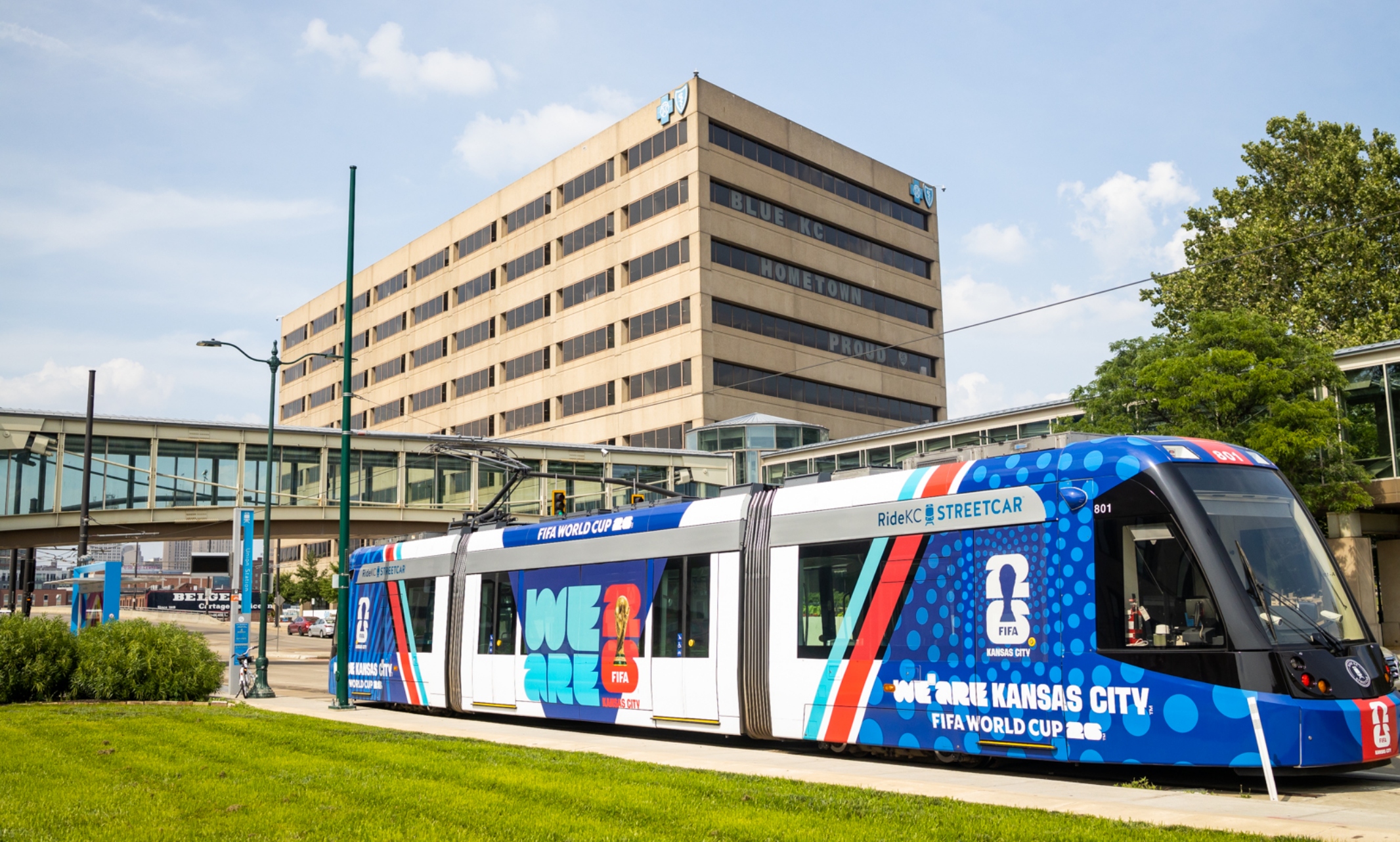
UMKC location paved the way for students to make a professional difference in the community.
Iain Blair (B.S.Ci.E. '23) got to give back to the city he calls home by applying science to the real world to make a positive difference.
“I chose to study at UMKC because I live in Kansas City and Kansas City's my home,” Blair said.
Blair chose to focus on two distinct fields, majoring in civil engineering and minoring in environmental sustainability. The pairing provided him the opportunity to learn the interesting crossroads of designing systems to account for the climate crisis.
“Engineers are the ones that create the systems that our society is built on," he said. "By adding environmental sustainability, it adds this extra nuance of how we design our systems intelligently to accommodate for a growing population.”
Blair is now a transportation planner at HDR, which he describes as a dual role where he’s part engineer and part transportation and community planner.
“Going to school in a university inside of the city, there's just so much more opportunity and employment available than a college town,” Blair said.
Bill Yord, who is an adjunct professor at the School of Science and Engineering and a senior project manager at the Kansas City Area Transportation Authority, said that as the utility manager for the KC Streetcar south line extension, he was able to loop UMKC students into being part of the project.
“The students provided a voice for UMKC with the streetcar extension,” Yord said.
The ability for students to be involved in a significant city project such as the streetcar extension had its benefits, especially when it comes to preparing students for real-world experiences.
“Engineering is a team sport," Yord said. "It’s designing the project but it’s also who you are designing the project for and the larger community and so the students got a real-world experience of what engineering really is.”
There’s also benefits to studying engineering specifically in Kansas City.“We have a lot of engineering power in Kansas City, and students have the benefit for that community for jobs, guidance and opportunities,” Yord said.
As a result of these experiences, students are able to learn important skills crucial to their careers outside the classroom.
“With our senior design project, we worked with KCATA, and the great thing about it was that we got to work with our client and interact with them directly, which provided a lot of really great real-world experience as opposed to just theoretical classroom experience,” Blair said.
“I really am proud to be a Roo," Blair said. "I'm proud to graduate from Kansas City and I'm really proud to know that I'm making a difference in the city that I live in and love so much.”
Nov 07, 2023
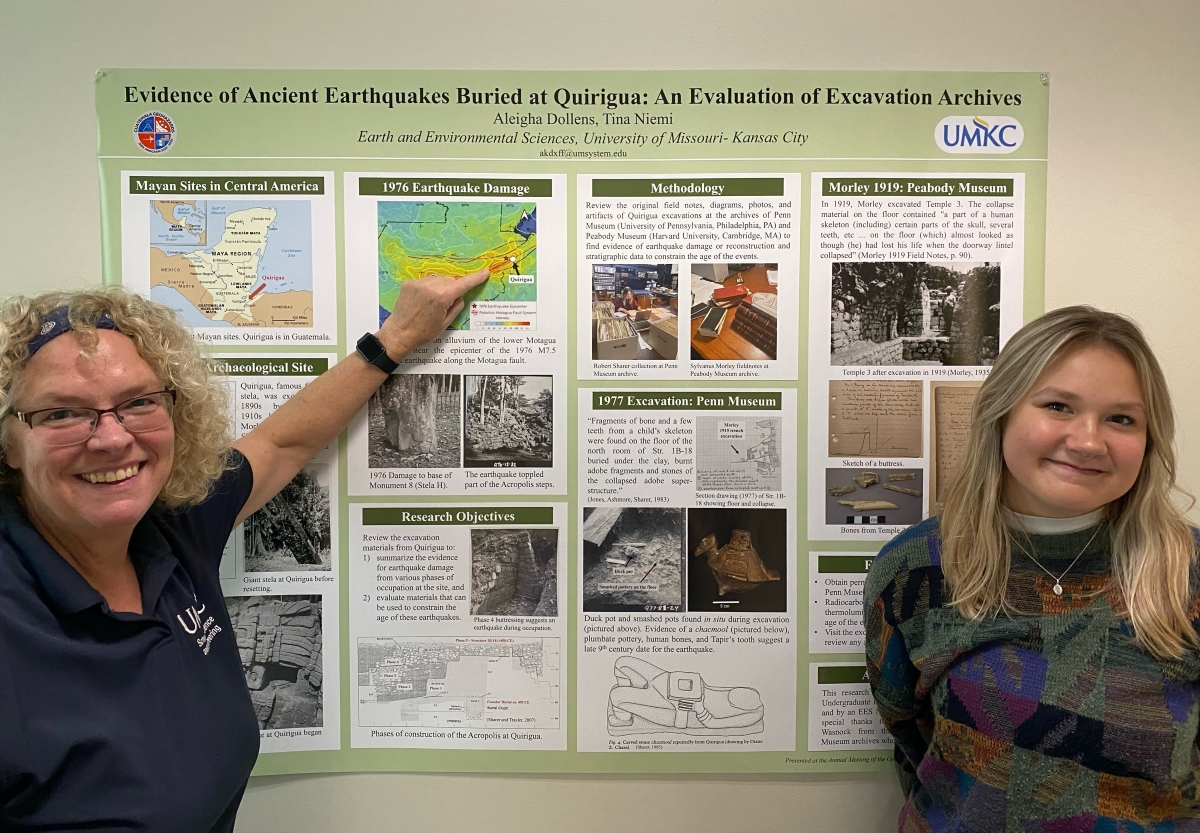
Undergraduate research funding provided opportunity to conduct archival research on Mayan archeological site
Earth and environmental science student Aleigha Dollens recently won the 2023 Richard Hay Award from the Geoarchaeology Division of the Geological Society of America (GSA) for her research on evidence of earthquakes at the Mayan archaeological site of Quirigua in Guatemala. The award supports travel to the GSA annual meeting and recognizes meritorious student research.
This was especially good news to Dollens’ mentor, Tina Niemi, Ph.D., as the Curators’ Distinguished Teaching Professor was the first recipient of this award 34 years ago.
Niemi has taught geology at UMKC since 1995 and has personally mentored more than 60 undergraduate research projects with student funding from SEARCH, SUROP and NSF-funded research experience grants.
“For my MS research, I reconstructed the paleoenvironmental history of a submerged classical archaeological site along the central coast of Greece,” Niemi said. “It was the presentation of that research at the annual meeting of the GSA in 1989 that won me the first-granted Richard Hay award. I am very proud of Aleigha and her achievements and thrilled that she has followed in my footsteps with this well-deserved award. The dedication of UMKC and its leaders to support undergraduate research is phenomenal.”
Dollens and Niemi visited the University of Pennsylvania and Harvard University this past summer to search museum archives for excavation documents and artifacts that can help constrain the date of the earthquake that occurred during the final occupation of the Quirigua site.
“Winning the Richard Hay Award from the Geoarchaeology Division of the Geological Society of America is an honor like no other, especially since Dr. Tina Niemi was the first-ever recipient,” Dollens said. “She is one of my greatest supporters and pushes me to be a better geoscientist and a better person. It is an honor to get to work with such a strong woman in the geosciences field and I would not be where I am today if it weren’t for her ongoing support.”
The research was funded by the UMKC Undergraduate Research Program through SUROP and SEARCH awards and by the Earth and Environmental Science Newcomb Research Grant.
Nov 01, 2023
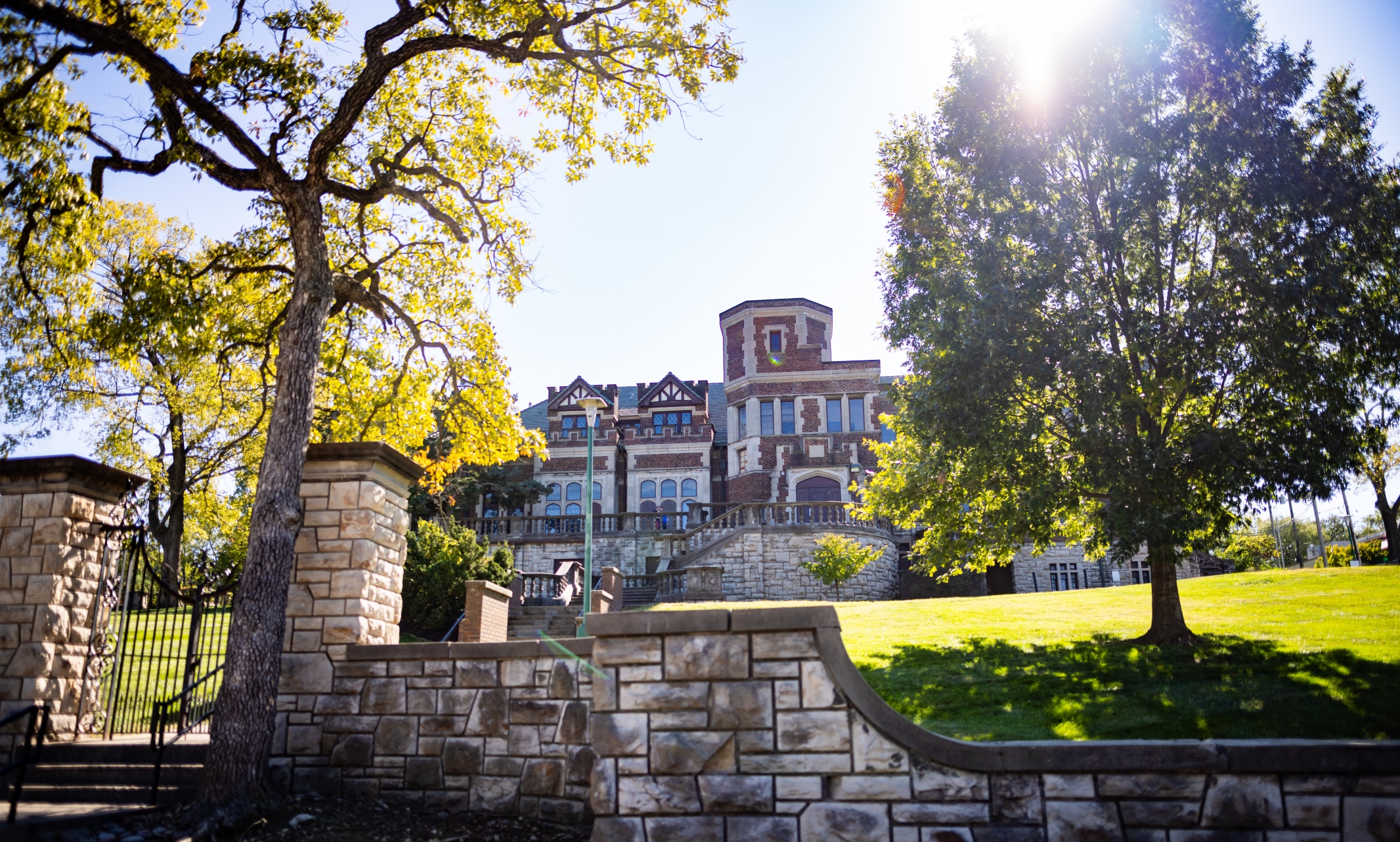
The historic building is said to have a haunted past
For decades, UMKC faculty, students, staff, even police officers, have shared history and folklore of the mysterious Epperson House.
In November 2023, the university issued a request for proposal for a potential public-private partnership to restore and repurpose the home.
While its haunted past is a topic for debate, one thing is for sure, it’s a storied tribute to Kansas City’s history, but few have had a look inside its walls. Below are details of the home’s origin and owners, campus legend and a rare look inside one of the most captivating buildings on campus.
Built in 1920, Epperson House was the home of Kansas City insurance tycoon Uriah Epperson and his wife, Mary. The 54-room mansion cost $500,000 and was a blend of a castle and Tudor-style home.
The Eppersons were patrons of music and the arts. Among the charities they supported was the Kansas City Conservatory, now-known as the UMKC Conservatory. Their grand home included a Great Hall, where they would host friends and included a stage, where they would arrange for performances.
Above the Great Hall, sits a custom organ loft. Though childless, the Eppersons befriended Harriet Barse, an organ instructor from the Conservatory whom they regarded as their adopted daughter. Barse even moved into Epperson home. She commissioned the organ and intended to entertain guests, but she fell ill and died before the organ was installed. While she never played the organ during her lifetime, it is the topic of strange encounters reported in the home, with reports of organ music coming from the basement.
Following the death of Uriah and Mary Epperson, the home was donated to the university. Its first use was as a dormitory for Navy air cadets during WWII. The cadets reported seeing a ghostly woman in a white gown walking the halls of the home.
Throughout the decades following the war, the home was used as a residence hall and in the 70s, a practice space for the UMKC Conservatory. It was during this time that stories of strange phenomena inside Epperson House increased.
Students reported hearing footsteps in empty parts of the home. And the light at the top of the home’s tower would turn on by itself even though the tower had been sealed off decades before.
A custodian had a close call when a chandelier came loose in the living room, narrowly missing the staffer. And a police officer reported being at Epperson House when his patrol car was hit. He got out to find skid marks, but not another car in sight.
These days, there is no access to Epperson House and the building is in need of repair. However, the university is hopeful about potential for Epperson House’s reuse.
Oct 31, 2023
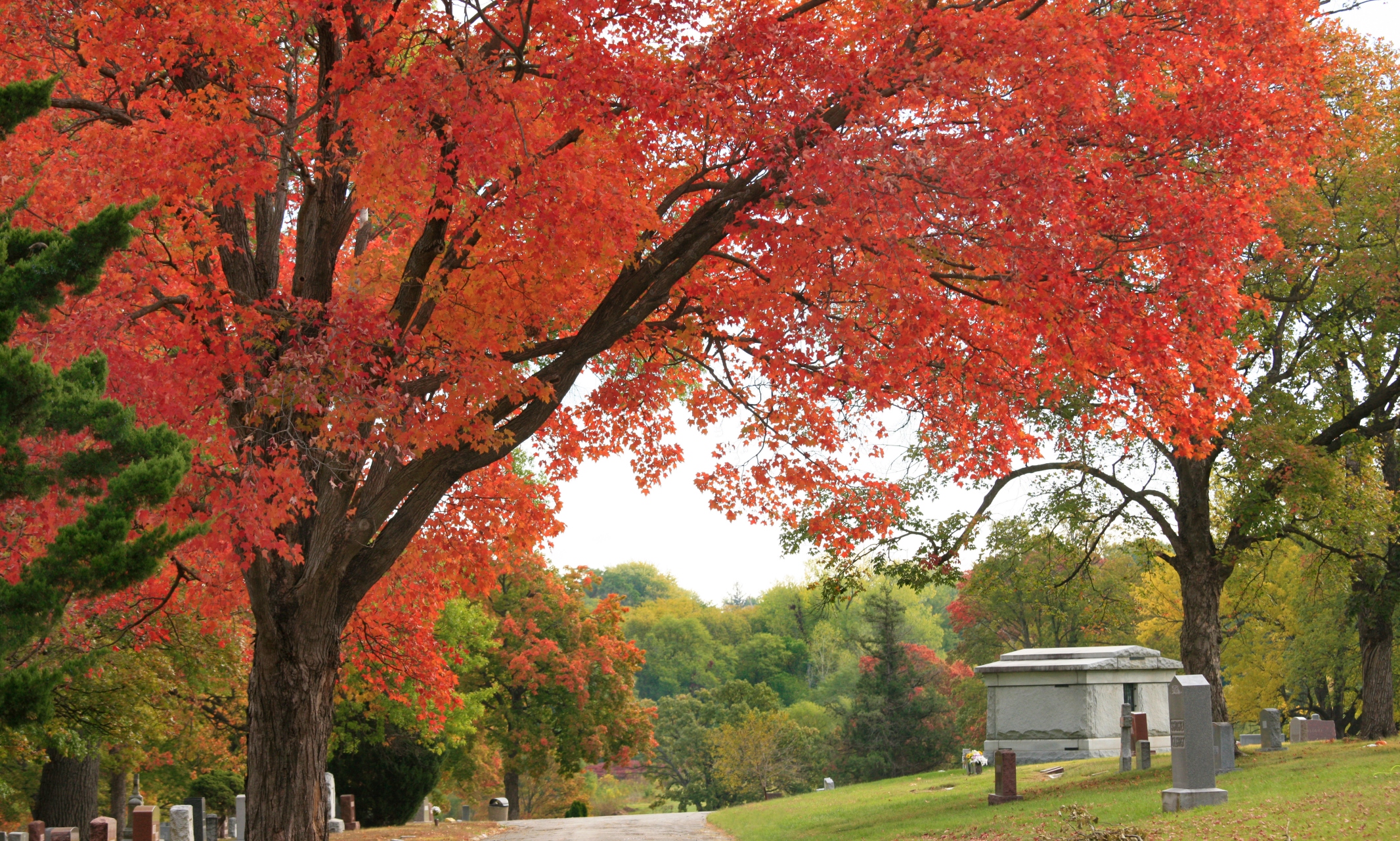
Tina Lasater discovered UMKC history at Forest Hill Calvary Cemetery
While starting work at Forest Hill Calvary Cemetery one morning a few years ago, Tina Lasater (B.L.A. ’03) made a discovery.
Behind a desk, she spied a thick sheaf of parchment papers stuffed into a leather binder. Her find turned out to be a collection of designs and plans created by the cemetery’s architect more than 125 years earlier.
“I was so intrigued,” said Lasater, a client counselor at the cemetery. “When I showed it to my manager, she took me to an area where even more documents were stored.”
Since finding this treasure, Lasater has delved into the cemetery history and the UMKC stories associated with it. Just three miles from the Volker Campus, Forest Hill Calvary Cemetery at 69th Street and Troost Avenue, shares more than a geographical proximity with the university. Many founders and benefactors who established the university and forged its future have their final resting place at the cemetery, established in 1888.
Its 160 acres of rolling hills include unique monuments, grave markers and tributes to those buried and interred there. In addition to being a resting place for those who contributed so much to UMKC and beyond, the cemetery is also a tribute to the present. More than a hundred species of trees from around the world line its winding roads and beautify its graceful landscape.
George Kessler, who served as the landscape architect when the cemetery was created, is recognized for designing the city’s renowned boulevards and parks. Sid Hare, who served as the first superintendent of the cemetery, oversaw the original plantings. Hare challenged the idea of how burial grounds should look and saw the potential for them to be not just a resting place for those who have passed, but a botanical garden for the living.
“When I first saw Forest Hill about 15 years ago, I thought it was so beautiful," Lasater said. "As a UMKC graduate, I love the history of our school and alumni here."
Following are some of those who have made extraordinary contributions to the past, present and future of UMKC.
L.P. Cookingham
From 1940-1959, Cookingham was city manager of Kansas City, Missouri. In 1979, UMKC conferred upon him the honorary degree of Doctor of Humane Letters and later named the L.P. Cookingham Institute of Urban Affairs at the Henry W. Bloch School of Management after him.
Oliver Hayes “O. H.” Dean
A lawyer and judge, Dean was also a founder of the Kansas City School of Law in 1895. He served as the school’s vice president from 1895-1902 and president for the next 25 years. He added the post-graduate program and oversaw construction of the law school in 1926, to which he donated his personal law library.
Tatiana Dokoudovska
A world-renowned ballerina, Dokoudovska joined the Conservatory of Music in 1954 as head of the ballet department, a position she held until her retirement in 1989. She initiated UMKC’s bachelor’s degree in dance at a time when few such programs were available in the United States. A choreographer and artistic director, she founded the Kansas City Civic Ballet, which later became the Kansas City Ballet.
An outgrowth of the Conservatory of Music’s recital program, she developed the Ballet from its humble beginnings to a nationally recognized company.
Uriah Spray “U.S.” Epperson
Banker, industrialist and philanthropist, Epperson hired eccentric French architect Horace LaPierre to design a monumental mansion at 52nd and Cherry streets for himself and his wife, Mary Elizabeth Weaver Epperson. Construction on the house began in 1919 and was completed in 1923 at a cost of nearly $500,000. The four-story Tudor-Gothic structure contained 54 rooms, including six bathrooms, elevators, a swimming pool, billiard room, barbershop and a custom organ. After the death of Mary Epperson, the home was donated to what is now UMKC.
Since that time, the house has been rumored to be haunted by Harriet Barse, an organ instructor at the Conservatory who lived with the Eppersons. Reports of the haunting include the appearance of Barse’s ghost and organ music coming from the mansion’s basement.
Lena Haag
Born in 1864, Haag left home in 1879 to attend the Moravian Seminary for Young Ladies in Pennsylvania. An exceptional pianist, her interest in art and music developed at the school. After graduation, she returned to Kansas City and continued her studies in art. In 1936, she made an anonymous donation of $225,000 to the university. This donation, kept anonymous until her death in 1951, provided funding for the construction of Haag Hall, endowment and student loan funds and the fine arts program.
Herbert F. and Linda Hall
Herbert and Linda Hall lived in a 1913 mansion at 51st and Cherry streets. Upon her death in 1938, Linda Hall established an endowment for a free, specialized library. Her husband left additional millions of dollars for the library, which he instructed be named for his wife. In 1946, the Linda Hall Library opened in the couple’s mansion. In 1964, the library relocated to a new structure next to the Hall’s home. Independently funded and operated, Linda Hall Library provides resources to researchers around the world.
Charles Francis Horner
In response to area demand for musical education, Horner founded the Horner Institute of Fine Arts in 1914, which he headed until 1934, eight years after it became the Kansas City Conservatory of Music.
Ernest Newcomb
Founder of the University of Kansas City, Newcomb wrote the school's charter, hired faculty, outlined the courses and opened the university. While establishing the school, Newcomb collaborated with businessman and philanthropist, William Volker, who donated the land for the campus. Newcomb left the school in 1938 but was publicly acknowledged as the father of the university in 1977.
Elmer F. Pierson
Founder of Vendo, a vending machine manufacturer, Pierson donated $250,000 for Pierson Auditorium and established the John B. Gage Lecture and Fellowship Fund.
Kenneth Aldred and Helen E. Foresman Spencer
Kenneth Spencer was a third-generation coal mine owner and one of the original founders of MRIGlobal. Generous philanthropists, he and his wife, Helen Spencer, provided the financial gift for the Spencer Theatre, the original home of the Missouri Repertory Theatre.
Edward F. Swinney
A Kansas City School Board member and president of the American Bankers Association and the First National Bank of Kansas City, Swinney established the Edward F. Swinney Trust, and the Swinney Recreation Center bears his name.
William Volker
Businessman and philanthropist, Volker’s generosity left an enduring impact across UMKC and the Kansas City community. He donated 40 acres and a house to launch the University of Kansas City (now UMKC) and contributed more than $2.5 million for its campus and structures. The Volker Campus is named after him. Known as “Mr. Anonymous of Bell Street,” Volker also quietly provided assistance for those in need across the city, along with millions of dollars in gifts to philanthropic organizations and projects.
Hazel Browne Williams
The first African American full-time professor at UMKC, Williams became an associate professor at the School of Education in 1958 and was a full professor in secondary education in 1960. She retired in 1976, after serving on the faculty for 18 years, and was granted emeritus status — the first Back person to receive this honor from UMKC.
Oct 31, 2023
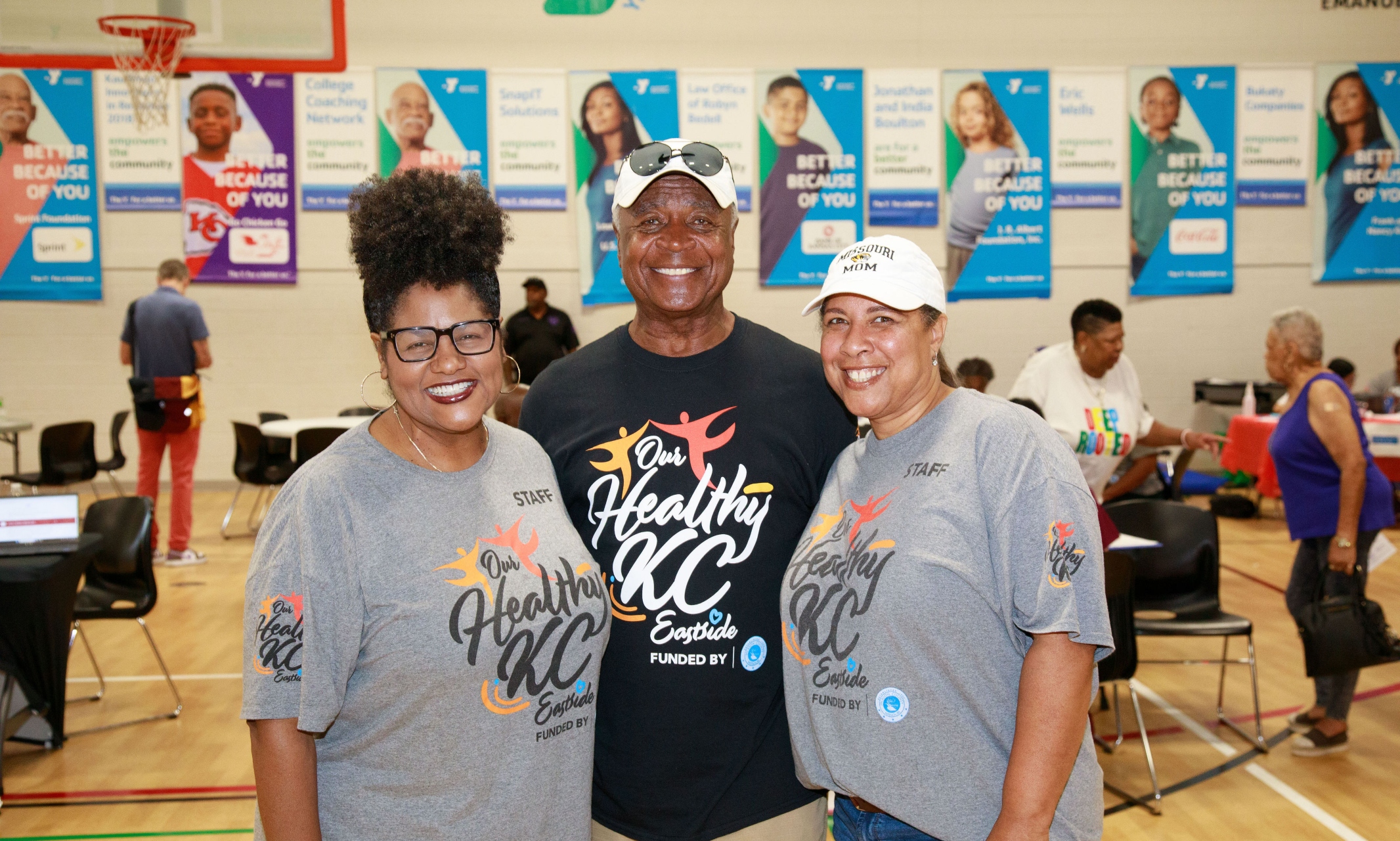
Association of American Medical Colleges recognizes service to Kansas City area
The University of Missouri-Kansas City School of Medicine has received the prestigious Spencer Foreman Award for Outstanding Community Engagement from the Association of American Medical Colleges.
The award highlights the university’s longstanding commitment to supporting the Kansas City area and its underserved populations. According to the AAMC, UMKC has displayed unwavering dedication to reaching community members through nontraditional avenues of health care with low- and no-cost clinics, community events, education opportunities and more.
The School of Medicine is the only recipient of this award in 2023, further cementing its reputation of inclusion and community success. To School of Medicine Dean Mary Anne Jackson, M.D., this award is a checkpoint, rather than a finish line.
“We are honored to receive this award, not only for the recognition of our hardworking students, staff and faculty, but for the visibility this brings to schools of medicine, like ours, that seek to better the community,” Jackson said. “Being a medical professional and working with wonderful collaborators at the School of Medicine and our affiliates is choosing every day to deliver the highest level of care to all people, regardless of who they are or where they come from. Connecting with the community through our many outreach efforts is teaching our students that optimizing care for all can occur in real time, and I can’t wait to see what more we can accomplish together.”
More than 60 key community partnerships help make university outreach successful. Strong bonds among UMKC and businesses, faith groups, neighborhood organizations, youth groups and local leaders have all played a key role in identifying areas of need and how UMKC can best serve.
One of the champions of community engagement, Jannette Berkley-Patton, Ph.D., director of the UMKC Health Equity Institute, has been spearheading these efforts throughout her career at the university.
“We’ve received this honor because of our stellar community partners, staff and students who are committed to improving the health of Kansas Citians,” Berkley-Patton said. “We are being recognized on a national level because of their desire to make the world a better place, and I am honored to have a part in this community engagement journey. Thank you to everyone involved who has made this work possible.”
Jackson County Executive Frank White Jr. has played a key role in Our Healthy Jackson County’s success.
“This award is a special opportunity for our community to recognize all the hard work that UMKC and their community partners, staff and students do to bring health care to Jackson County," White said. "Seeing the community become healthier together is proof that the Our Healthy Jackson County program needs and deserves the county’s investment now and in the future. With the support of UMKC, we are truly making a difference in our residents’ lives and it’s rewarding to know that our work is being recognized on a national level for others to follow."
In an online award presentation Oct. 25, the AAMC noted that the impact of the university is “Evident in its outcomes,” citing the success of Our Health Jackcon County and the university’s partnership with KC Faith Community Action Board.
Jackson and Berkley-Patton will accept the award Nov. 5 at an AAMC conference in Seattle.
AAMC presenters said: “Community engagement at UMKC has a profound impact on learners, helping them to become more compassionate practitioners. When sharing his experience with the Community Health Research Group and the Health Equity Institute, led by Dr. Jannette Berkley-Patton, fourth-year medical student Alex Geyer notes, ‘engaging with the community face-to-face, outside of the clinical setting, will help me be a physician worthy of my patients’ trust and serve as a role model for future budding physicians.”
Oct 30, 2023
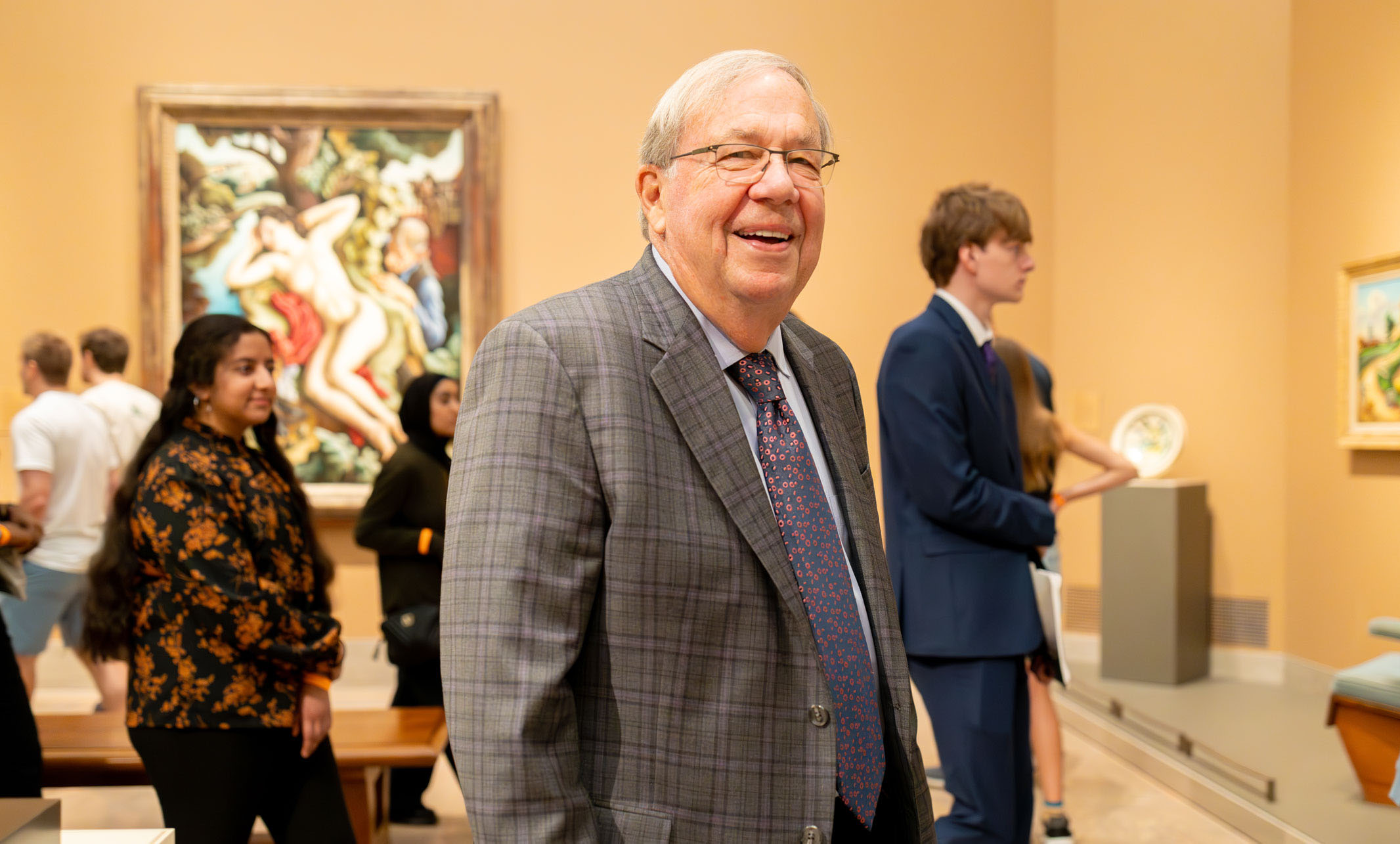
UMKC faculty member and alumnus helps medical students connect art and medicine
William Ritter, M.D., (M.A. ’18), looks at a painting or a sculpture of the human body by Michelangelo or Leonardo Da Vinci and sees more than a famous work of art. He sees a history of medicine. Every year, he shares his insights with students at the UMKC School of Medicine, describing the intersection of art and medicine and how one has spurred the other throughout the centuries.
“There’s a lot of commonality between art and medicine,” Ritter said. “Just go to Michelangelo and Leonardo -- they were the first anatomists. You go back and look at a lot of their paintings, it’s all anatomy. They were the first ones to dissect the human body, so the Renaissance is really the birth of anatomy, the birth of everything: art, the liberal arts. Art history is really the crux of early medical studies, medical thinking, dissections, and it keeps going on and on.”
This Fall, Ritter, who also holds a master’s degree in art history from UMKC, begins his sixth year in the School of Medicine’s Sirridge Office of Medical Humanities and Bioethics as course director of an elective in medicine and the visual arts. He also teaches the class in the Spring, and serves as a docent for first- and second-year medical students.
“We try to make it interesting,” Ritter said. “We give them a little medicine and how it ties to art history. I give them a lot of art history, actually, because I like doing it, and it’s a nice variation. It’s a way to do both art and medicine and get away from just medicine.”
School of Medicine Dean Mary Anne Jackson, M.D., said Ritter’s work is an ideal example of what Marjorie and Bill Sirridge, two of the school’s founding docents, envisioned when they endowed the office in 1992 to expand humanities course offerings for both premedical students and students in UMKC’s six-year B.A./M.D. program.
“I am so grateful for Dr. Bill Ritter, whose work at our School of Medicine embodies the vision of the Drs. Sirridge,” Jackson said. “Early clinical experience in medicine is foundational to our school, and as a Year 1 and 2 docent, Dr. Ritter teaches our students the fundamentals of medicine, but also allows them to experience the human side of medicine through the arts.”
Ritter realized his interest in art and art history while he was in school. But studying to become a doctor took precedence, and college electives in art history gave way to courses leading to a degree in chemistry, followed by medical school. Ritter graduated from Philadelphia’s Sidney Kimmel Medical College, Thomas Jefferson University in 1971. He trained in internal medicine at Emory University, followed by a cardiology fellowship at the University of Texas Southwestern.
“There wasn’t much art when I was in medical school for sure,” Ritter said.
But his passion for art never waned, even after he became entrenched in a career as a cardiologist. One night before dinner with friends, a member of the group, who also happened to be a guide at Kansas City’s Nelson-Atkins Museum of Art, took everyone on a tour of the museum. Ritter was immediately intrigued.
“My eyes really lit up,” he said. “I said, ‘I’d like to show off Monet, stand there with a Monet and tell everybody about it and what I know about it.’ I thought that was really cool. So I ended up joining the Nelson as a museum guide (in 2008).”
For nearly 10 years, Ritter walked the hallways of the Nelson-Atkins and the Kemper Museum of Contemporary Art on weekends and evenings as a guide and docent, sharing his love and knowledge of the fine arts with the museums’ visitors.
Several years ago, Ritter and his practice partner sold their cardiology practice after 30 years. With some free time, he decided to dive deeper into his art interest. Ritter went to the UMKC Fine Arts building, where he met art history professor Burton Dunbar, who would become a close friend and mentor. Over the next 2 1/2 years, Ritter studied art history, earning his master’s degree in 2018.
He began at the School of Medicine five years ago developing the arts and medicine course and serving as a docent, a role that allows him to introduce medical students to their earliest patient encounters.
“I’d never done much teaching before — a little bit clinically — but nothing formal,” Ritter said. “It turned out, I think maybe it was my calling. Maybe I should have been doing this sooner.”
His passion for teaching, just like his love for art history, blossomed, and two years ago medical students honored Ritter with the Outstanding Years 1 and 2 Docent Award, given annually by students to one instructor for his or her pursuit of teaching excellence in medicine.
“I think I have a natural interest in teaching students,” Ritter said. “That’s what helps in getting along with students and being successful. You’ve got to be one of them.”
Oct 23, 2023
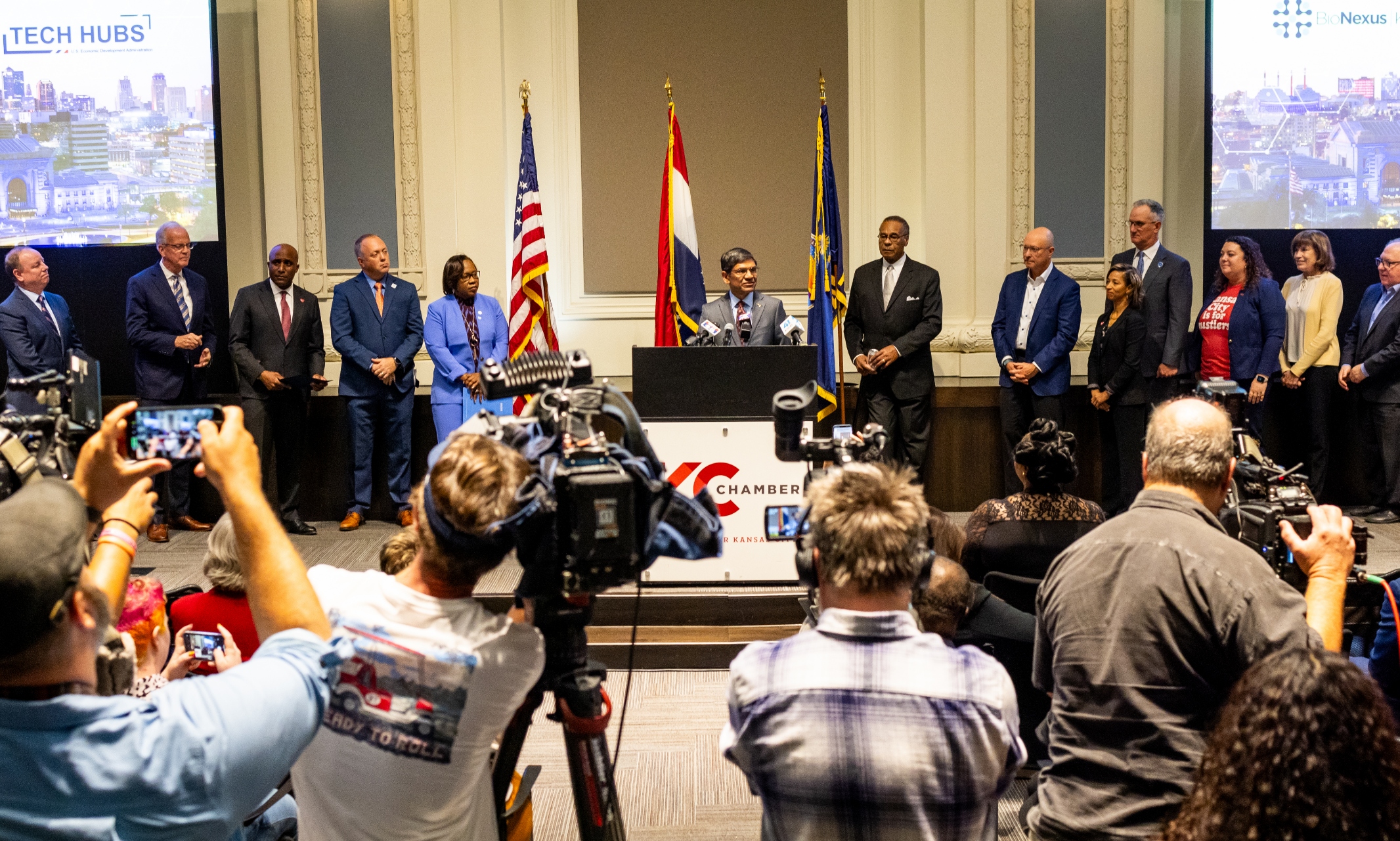
UMKC played significant role in U.S. Economic Development Administration designation
The U.S. Economic Development Administration has named the KC region and Missouri “Tech Hubs” as part of a historic investment to strengthen the U.S. economy and national security - and the University of Missouri-Kansas City played a significant role in this recognition.
UMKC Chancellor Mauli Agrawal, along with national and other local leaders, spoke at an announcement event Monday at the Greater Kansas City of Commerce boardroom at Union Station.
"The new Tech Hubs designation provides great scope for innovation in Kansas City – and I can envision all the groundbreaking advancements to come as our UMKC students, faculty and staff work in collaboration with the many fantastic organizations in the greater Kansas City area," Agrawal said. "We at UMKC could not be more excited."
Maria Meyers, executive director of the UMKC Innovation Center, speaks with UMKC Chancellor Mauli Agrawal and Anthony Caruso, associate vice chancellor for research at UMKC.
The regional proposal, Kansas City Inclusive Biologics and Biomanufacturing Tech Hub (KC BioHub), led by BioNexus KC, of which the university is a member, UMKC and more than 60 partner organizations, will ramp up life-saving vaccine production and other preventative technologies to leverage regional assets and the existing ecosystem to become a global leader in biomanufacturing and life sciences. KC BioHub can now apply for phase 2 funding of up to $75 million.
"The Tech Hubs designation is not just a title; it's a reflection of the dedication and hard work of the entire Kansas City community," said Maria Meyers, executive director of the UMKC Innovation Center. "It highlights our shared commitment to innovation and our ability to harness our collective potential. The UMKC Innovation Center is excited to play a pivotal role in this journey, and we can't wait to witness the advancements that will emerge from this exciting collaboration."
Agrawal said the Tech Hubs designation and the opportunity that comes with it, is a natural next step for the community, and one UMKC has been preparing for.
Last year, UMKC received a $12.97 million grant from the Kauffman Foundation to increase entrepreneurship programming and technology commercialization. This grant expanded existing programs and allowed for the creation of new ones, with the goal of reducing barriers to entrepreneurship and technology innovation and commercialization.
And just last week, UMKC unveiled the next steps in its planned expansion of the UMKC Health Sciences District with the Healthcare Delivery and Innovation Building, a physical space designed to fuel innovation. That $120 million building will house key assets for research, technology and engineering. One of these assets is the Data Science Analytics and Innovation Center, which is focused on creating new advances in data sciences to transform the way we personalize healthcare and contribute to new discoveries.
UMKC Chancellor Mauli Agrawal speaks about the Kansas City region - from Manhattan, Kansas to Columbia, Missouri - being designated a Tech Hub at an announcement event.
Across Missouri, UMKC also contributed to another Tech Hub. The Critical Minerals and Materials for Advanced Energy Tech Hub, led by the University of Missouri System, aims to position south-central Missouri as a global leader in critical minerals processing to provide the materials needed to support battery technology.
This Tech Hub will build on the region’s mineral-rich geography, expertise in hydrometallurgical refining and existing assets to increase processing capacity to convert minerals into materials necessary for advanced energy and critical goods, including lithium-ion and primary-lead-acid batteries. In doing so, the Tech Hub seeks to meet the demand of U.S. advanced energy manufacturers and reduce dependence on foreign critical minerals while creating thousands of good-paying jobs.
"The region possesses the natural resources, transportation infrastructure, workforce, workforce training, expertise and incumbent corporations necessary to build a thriving critical materials circular economy; the same is true of the foundational elements for biologics manufacturing," said Anthony Caruso, associate vice chancellor for research at UMKC. "In both cases, the impact is directed to the taxpayer and U.S. national and economic security."
Tech Hubs was passed with the CHIPS and Science Act of 2022 and has authorized $10 billion for the program over five years. The goal of the federal program is to give an economic push to communities like the KC region. It is expected to drive new technologies to provide the U.S. with a competitive edge against other countries, driving economic growth and training for tech workers.
The KC region and Missouri were two of the 31 Tech Hubs chosen from more than 370 applications.
Oct 23, 2023
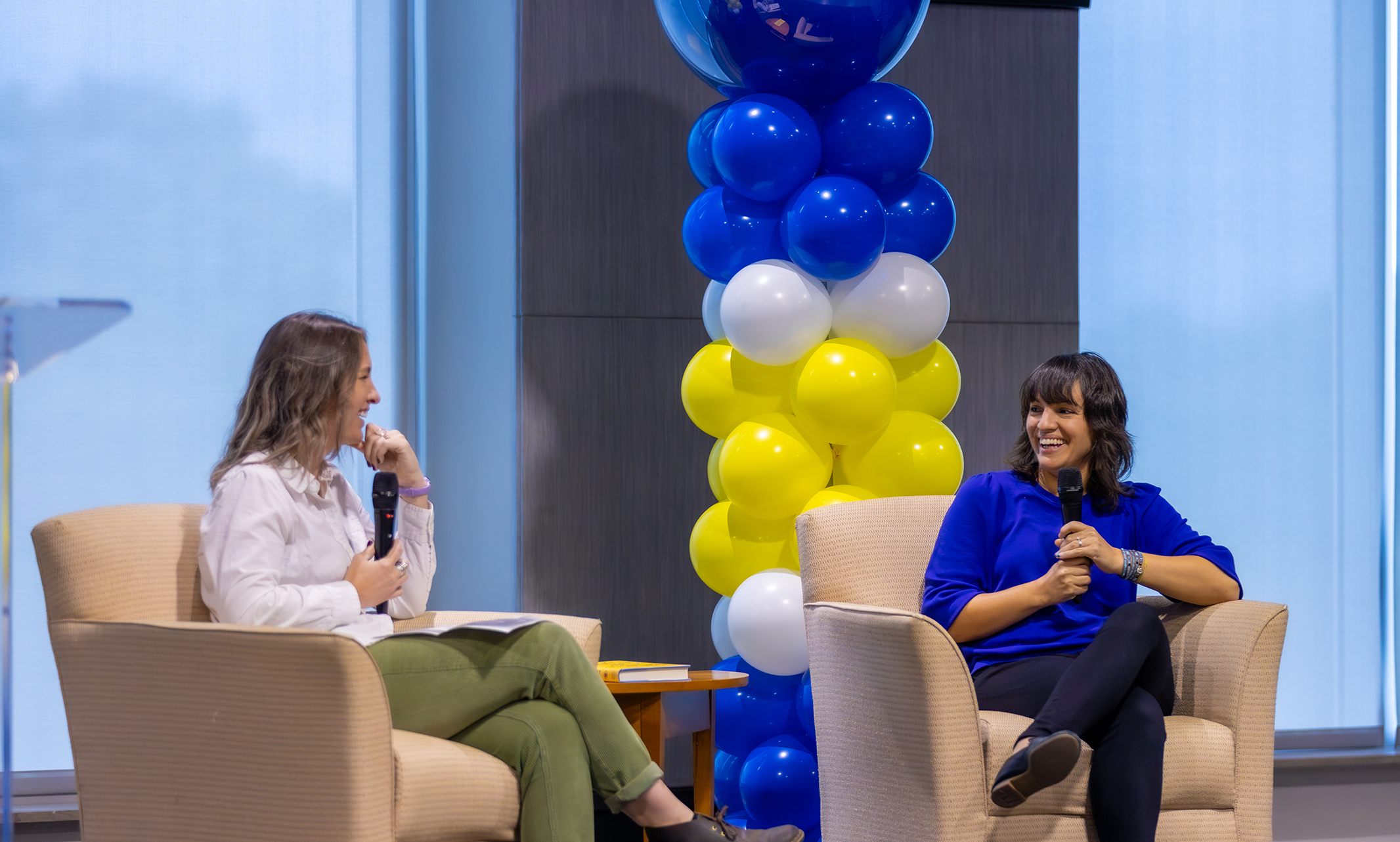
Roos Read selection writer visited campus to speak with UMKC community
Mónica Guzmán, author of this semester’s Roos Read selection, "I Never Thought Of It That Way: How to Have Fearlessly Curious Conversations in Dangerously Divided Times,” visited the UMKC Volker campus for an author talk this month.
Guzmán’s book offers insights and tools to connect with people whose views differ, a little or widely, from yours. Guzmán’s book aims to shed light on blind spots and bring people back together.
“Mónica is a journalist and storyteller who isn’t afraid to ask hard questions or to answer them,” said UMKC Chancellor Mauli Agrawal. “Her life experiences, both personal and professional, drove her to explore why our communities feel so divided. What she found is that one of our most powerful tools in breaking down barriers is our own curiosity. When we ask questions and lean on our natural curiosity, we can understand each other and even learn from each other.”
During the author talk, Guzmán answered questions from moderator Jessica Gantt-Shafer, Ph.D., assistant professor of communication at the UMKC School of Humanities and Social Sciences, as well as questions from the attendees. Here are five bits of wisdom she shared over the course of the talk.
“I was someone who wanted to get it right all the time. I was careful and cautious, but I also found people fascinating. At my internship right out of school, I was so scared to pick up the phone. My shyness went up against my need to know these people, and it lost.”
“Belonging is the most important call there is. Being understood and giving people understanding creates community.”
“Feel like you aren’t connecting? One thing you can try is a pivot: ‘I see it differently. Can I tell you how I see it?’ People will hear more when they are heard.”
“Need to challenge your thoughts? Try to figure out who you’re talking about but never with. If your views feel condensed and simple, look for the complexity.”
“How do you disagree with someone who thinks you shouldn’t exist? ‘Am I allowed to exist in a world you think is good?’ That gives them a lot of power. Who are they to say who exists? Maybe the most powerful way to argue against people who think you shouldn’t exist is to keep on existing. Existence is power.”
This is the inaugural year for Roos Read. The campuswide initiative was launched by the Office of the Chancellor and facilitated by the Division of Diversity and Inclusion. Its goal is to encourage UMKC students, staff, faculty and community members to read a recommended title that showcases a distinctive voice, perspective or theme and engage in discussions intended to generate action toward change.
Oct 23, 2023
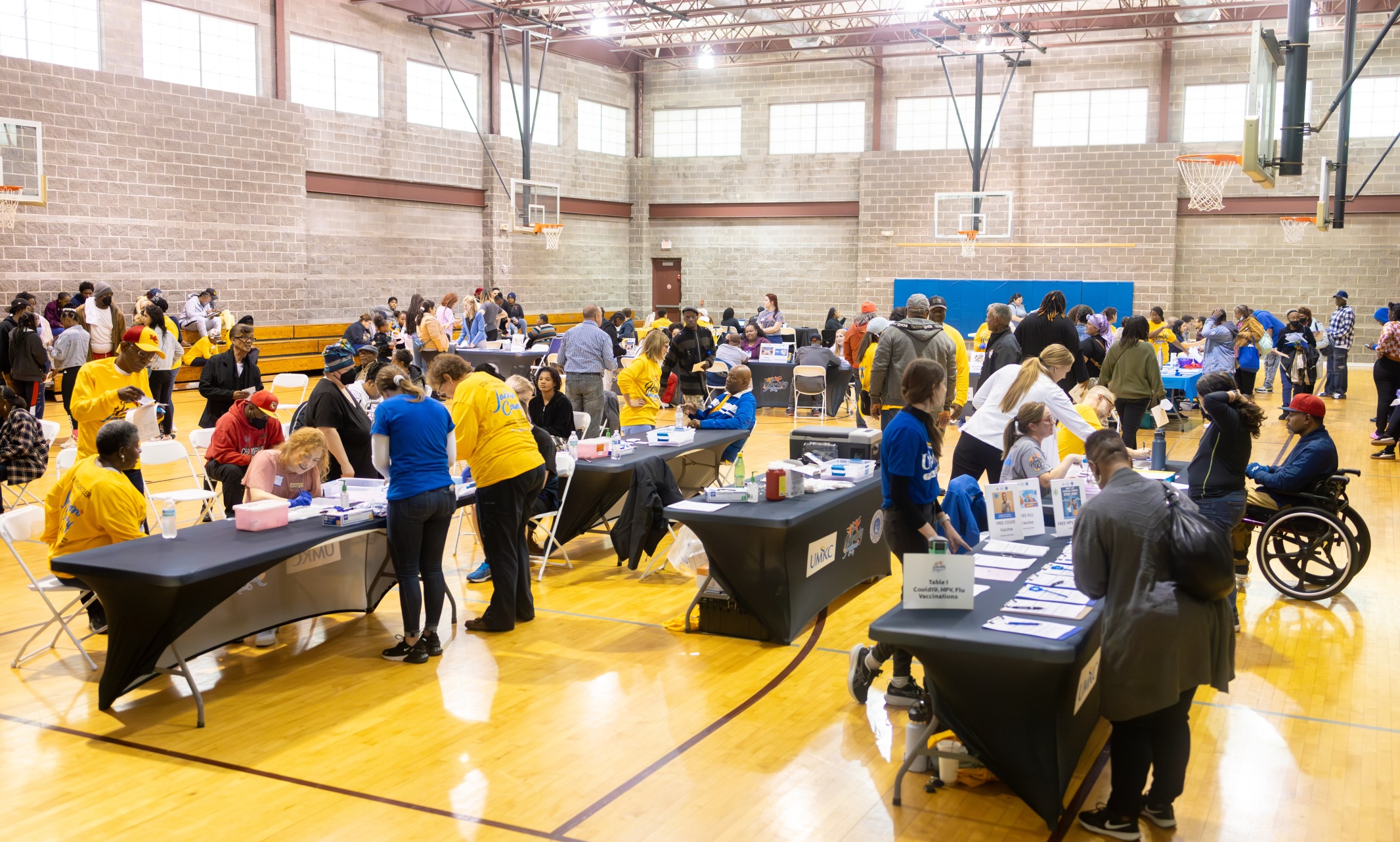
Our Healthy Jackson County is bringing health care to the people
The Gregg/Klice Community Center in Kansas City was buzzing on a recent Saturday afternoon with a DJ, free food, balloon animals and a bounce house, thanks to community initiative Our Healthy Jackson County. Amid the family fun, residents also received cancer screenings, vaccinations and a variety of other free health services.
Led by Jannette Berkley-Patton, M.A., Ph.D., director of the UMKC Health Equity Institute, the community initiative is dedicated to promoting equity and access to vaccinations and other health and community services. Formerly Our Healthy Kansas City Eastside, the program has expanded its services and community footprint to all of Jackson County, thanks in part to Jackson County, which awarded $5 million in funding for the next phase of the program.
According to Berkley-Patton, it’s a great example of collaboration among UMKC, Jackson County, neighborhood leaders and the business sector.
“First and foremost, it speaks to County Executive Frank White and the rest of the Jackson County Legislature recognizing that there are significant health disparities in Jackson County that need to be addressed,” Berkley-Patton said. “We have underserved populations that have told us how valuable these services are to them.”
White attended the event Saturday and noted that the initiative has become a valuable resource for the community.
“Dr. Berkley-Patton and the groups she works with have done a great job getting people to come out and take ownership of their health,” he said. “This is a legacy for us all that we can be proud of. When you see how many people have turned out here today, it tells you how many people lack access to health care.”
The kickoff event for the expanded initiative offered a variety of free health services, including COVID-19, flu and HPV vaccinations; blood pressure and blood sugar checks; mental health, STI, cancer and dental screenings; and smoking cessation resources. Those taking advantage of these services received cash incentives for participating.
One community member who showed up for his COVID-19 and flu shots Saturday was Kansas City civic leader and former City Council member, Alvin Brooks.
“I’m 91 and I want to stay healthy,” Brooks said. “God has been good to me, and this is me trying to be good to myself. I’m glad to see so many people from the African American community here. I know so many of them. This is certainly a success. There was a line out the door.”
Indeed, the success of the first phase has been clear. Our Healthy Kansas City Eastside provided 12,942 vaccinations and delivered 4,152 instances of health services in 2021 and 2022. At the most recent Our Healthy Jackson County event, nearly 170 community members attended and 141 received vaccines. But the proof of success also has been evident in the feedback Berkley-Patton received directly from community members.
“I remember talking to one woman who was a new grandmother,” Berkley-Patton said. “She was so excited to get her COVID-19 vaccination because she knew that not only was she protecting herself, but also protecting her grandchild that she was so eager to see.”
Kansas City home health-care worker Latonya Drew echoed that sentiment Saturday as she received her vaccine. She had her clients’ health and well-being in mind as she got her shot. She said she appreciated that the initiative is brought to the neighborhoods where people live.
“This is good for people who don’t have transportation to get here,” Drew said. “Coming here, you get a lot of information, and you get to know your community.”
UMKC health sciences students and faculty play an integral role keeping these essential services free for Jackson County residents. Students and faculty from the Schools of Dentistry, Medicine, Nursing and Health Studies and Pharmacy were on hand providing screenings, vaccinations and answering health questions.
“How often can you just walk up to a doctor and ask a question, no waiting for an appointment?” Berkley-Patton asked. “It can make a world of difference having this level of access to health-care providers in a setting that folks frequent and trust.”
According to Berkley-Patton, the experience is pivotal for UMKC health sciences students, providing them with a better understanding of the importance of preventive care. Through providing screenings and health-care education, students see how a small intervention in someone’s life can have lasting effects for overall health. The event also provides students an opportunity to work in the community, where they hear first-hand the effects of social determinants of health, such as transportation issues, food insecurity or lack of insurance.
Student Micah Anderson (Pharm.D. ’24) first encountered the program by chance at her local grocery store. She was shopping and happened across one the organization’s original events. She has lived all her life in Jackson County, and seeing people from UMKC giving back to her community was transformative.
“It was really impactful,” Anderson said. “Seeing my classmates and faculty at UMKC helping the people I see at the grocery store and the pharmacy.”
As soon as the opportunity to volunteer with the organization came up, Anderson jumped at the chance to help her community.
“These are the people who have motivated me, encouraged me in my pursuit of pharmacy,” Anderson said. “This opportunity is really important to me, using the skills and clinical knowledge that I’ve developed at UMKC to give back to the people that have poured so much into me.”
On Saturday, Anderson conducted blood sugar and blood pressure screenings for three straight hours.
“We’ve been really busy,” she said. “We haven’t stopped the entire time.”
Third-year pharmacy student Jessica Thomas spent the event giving vaccinations.
“It makes me feel like pharmacists really have a role in our community,” Thomas said. “We are having an impact on the health of the community, and I love that.”
The health-care providers involved with Our Healthy Jackson County are also helping to address the rising rates of diabetes in Kansas City as well as the area’s high infant mortality rates, an issue Missouri Gov. Mike Parson has identified statewide. Berkley-Patton is excited to launch the organization’s new maternal health program, which supports women of reproductive age with family planning counseling and an immediate appointment with an OB/GYN in the University Health Women’s Care Clinics.
The organization uses a unique approach in building the structure of Our Healthy Jackson County, pairing community stakeholders with UMKC experts who are established in these communities.
“I have been doing community-engaged research at UMKC now for almost two decades,” Berkley-Patton said. “I am born and raised in Kansas City, so to be able to do this work in my own backyard gives me goosebumps. Seeing thousands of people get the COVID-19 vaccination and much-needed health screenings, seeing the hundreds of volunteers coming together, that’s the stuff that gets me excited and increases my passion for the work we are all doing.”
Oct 18, 2023
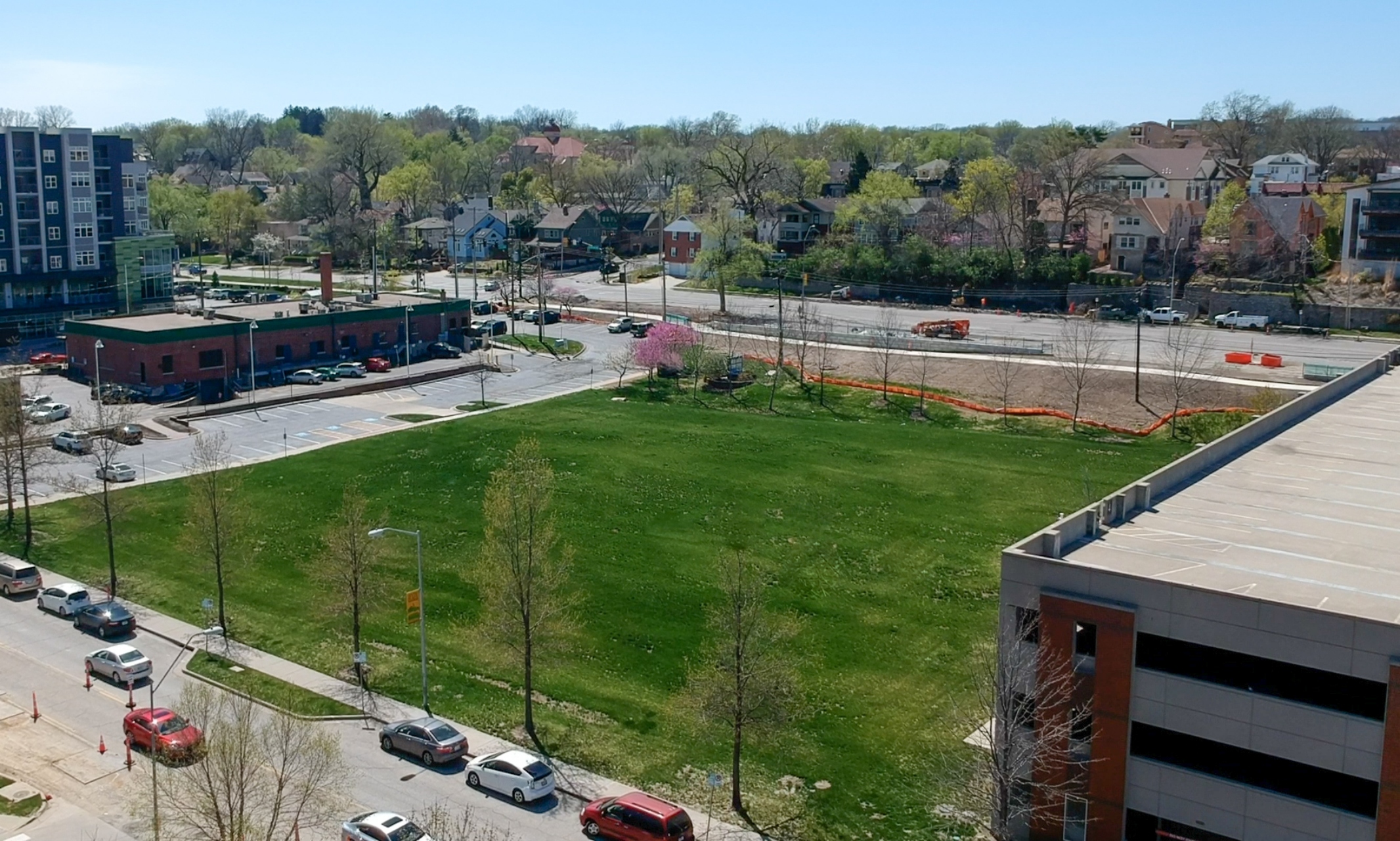
A feasibility study will be conducted on land near the future streetcar terminus
UMKC has paused the request for proposals (RFP) process to develop a five-acre parcel of land next to the south terminus of the Kansas City Streetcar at 51st Street and Brookside Boulevard. University leaders said the proposals came in higher than expected based on the specifications in the RFP and higher than anticipated project costs.
Sean Reeder, vice chancellor of Finance and Administration, said the university isn’t tabling the project. It is simply hitting pause to revise the parameters for the proposed development that would bring a small arena to campus along with retail and other possible uses. The university envisions the project as creating a destination spot for the campus and surrounding community.
UMKC will be conducting a feasibility study in the next few months to determine the right combination of size and programming for the proposed arena and will re-evaluate the opportunity for private development and non-university uses of the available land given current and anticipated market conditions.
Based on current specifications, an analysis of the proposals showed that the proposed private development included in the plans wouldn’t generate enough revenue to cover project costs, Reeder said.
The current RFP will remain open while UMKC completes this analysis. Upon completion of the analysis, the university will re-engage the RFP process with the responding firms this coming spring.
“We still believe the project can be feasible with revised parameters,” Reeder said.
Oct 18, 2023
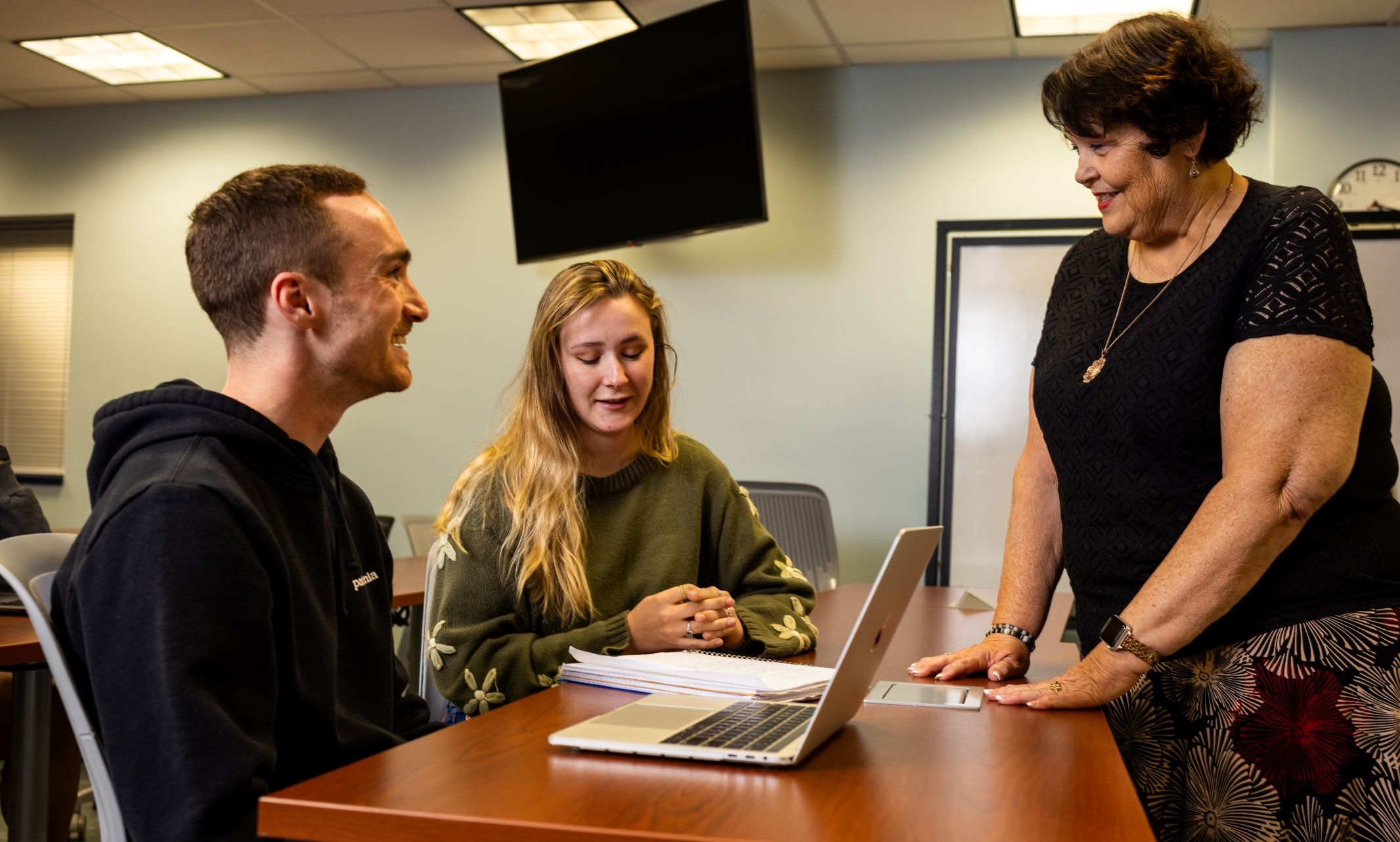
Commercial program and in-person bar preparation course are now included in tuition and fees
Beginning with December 2023 graduates, every juris doctorate student from the UMKC School of Law will receive access to Helix Bar Review, a premier online bar-prep program, as part of their tuition and fees.
The in-person bar preparation course, currently taught by Wanda Temm, a nationally recognized expert on bar passage, is now also free for these graduates.
UMKC School of Law is one of few in the country to provide both a commercial bar preparation program and a supplemental in-person course at no cost to students beyond tuition and fees.
“This is a game-changer for our students,” UMKC School of Law Dean Lou Mulligan said. “Law school is probably the most challenging intellectual exercise they’ll engage in, and the bar exam is the top of that mountain. This initiative ensures that every student has access to these important resources and the best chance to be successful.”
Reputable commercial bar preparation programs cost an average of $4,000, a high expense to ask students to pay before many of them have full-time jobs and one that cannot be paid for with a student loan. This leaves many students to make the difficult choice to take out a commercial loan to pay for a program or try to pass the bar exam without using a program to prepare.
“The reality of bar prep is that some people have to make an economic-driven decision,” said Alexis Denny, a UMKC law student graduating in December. “So they choose the cheapest or free option, don’t enroll in the in-person class and try to go it alone. With this initiative, no student has to choose between paying for bills or a bar prep program.”
Some large law firms pay for bar prep expenses, but students with ambitions in areas of law that don’t pay for bar prep, and likely don’t start at high salaries, are now able to pursue those ambitions with less concern regarding expense. UMKC School of Law prides itself on its ties and service to the Kansas City community, and this is one more way it provides value to that community, as well as its students.
“This initiative is deeply in line with our mission,” Mulligan said. “First-generation and other students with fewer economic means now have access to that resource to succeed. We’re helping to create lawyers who seek a career outside of the private sector such as in public defense, district attorney offices and public service work.”
“I think this is a really great way to help equalize the bar prep experience,” Denny said. “It’s so helpful for everyone, but especially for those who will be in the public or nonprofit sector where there is no support for bar prep costs.”
Faculty and staff at the Law School anticipate that this initiative will increase passage rates for first-time bar takers and inspire confidence from employers that UMKC graduates are prepared to begin work.
“Our students will have all of the resources they need,” Mulligan said. “We support our students from their first day at law school all the way through the bar exam. We’ve got them covered.”
Oct 18, 2023
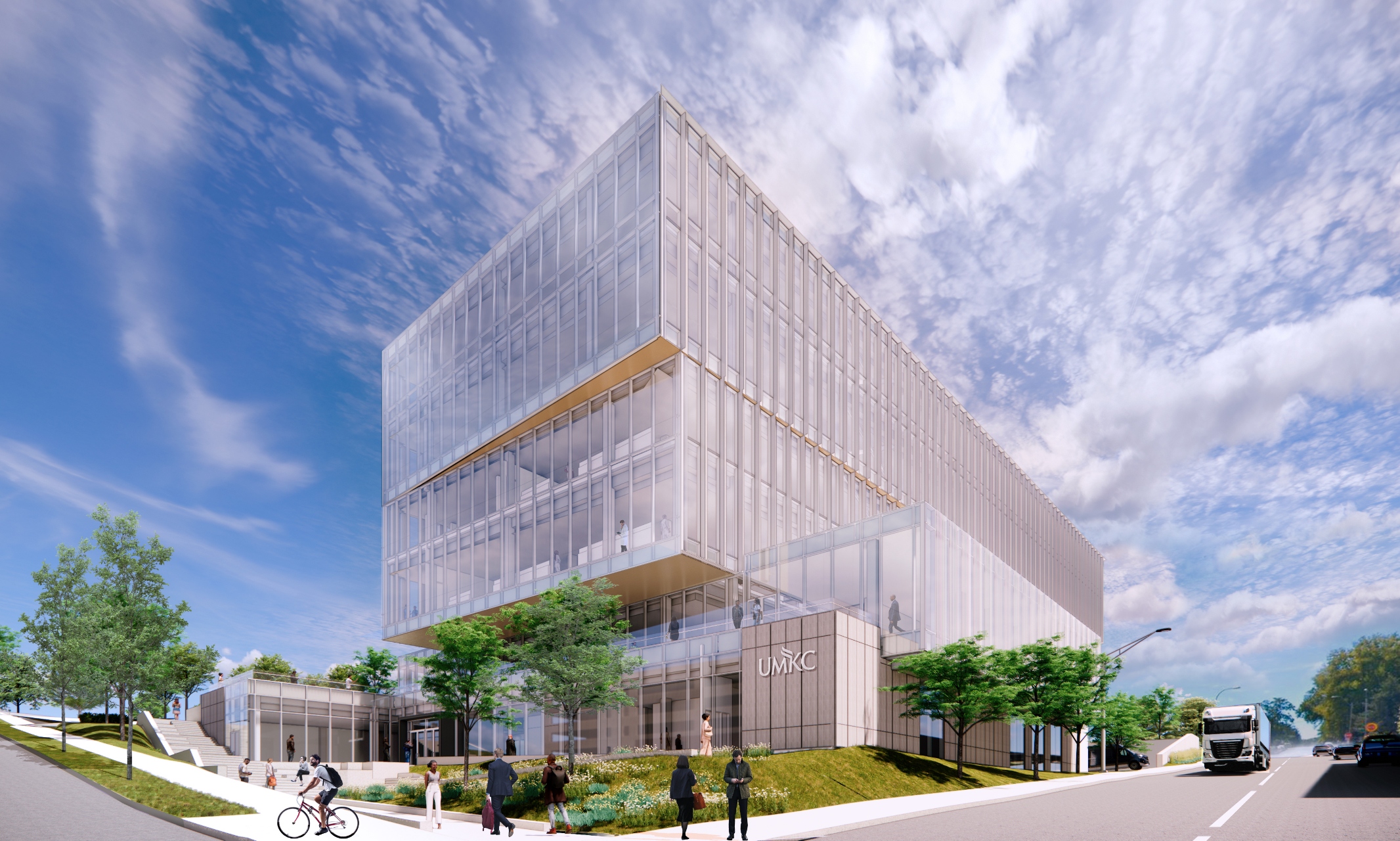
Renderings unveiled for $120 million Healthcare Delivery and Innovation Building
The University of Missouri-Kansas City at a Tuesday event revealed the design of its largest capital investment to date: the $120 million Healthcare Delivery and Innovation Building.
UMKC expects to break ground next year on this new building, with key funding from the state of Missouri and visionary Kansas City donors coming together to support this cornerstone project that will launch a new era for the UMKC Health Sciences District and healthcare access.
The five-story 200,000-square-foot building will be constructed on what is now a parking lot at 25th and Charlotte streets. The project will enable the university to provide state-of-the-art education for the next generation of healthcare providers, find newer and better ways to serve patients in need, strengthen collaborations with surrounding neighborhoods and facilitate greater interdisciplinary partnerships to fuel innovation and research.
UMKC Chancellor Mauli Agrawal speaks at the rendering reveal event. Photos by Brandon Parigo, UMKC
“The new Healthcare Delivery and Innovation Building will be one of a kind,” said UMKC Chancellor Mauli Agrawal. “We know of only one other combined medical and dental education building in the nation, and none other that will include what ours will with a unique combination of collaborative programs focused on elevating healthcare.”
UMKC will house key assets in the building for the following programs:
UMKC School of Dentistry. UMKC is a regional leader in dental education with the only public dental school in the states of Missouri and Kansas. The new building will provide leading-edge pre-doctoral dental clinics, enhancing our ability to graduate top-notch dentists. The new space also means students can serve more patients in need through advanced equipment, greater efficiency, expanded hours for acute dental care and the ability to implement teledentistry. Currently, the School of Dentistry provides $750,000 annually in uncompensated dental care for the community. The new facility will house UMKC acute dental care programs – such as oral surgery, endodontics and emergency procedures – plus program space for radiology, lab work and a high-tech dental design lab to produce crowns, bridges and implants.
UMKC School of Medicine. UMKC has the highest-ranked public medical school in Missouri for primary care. The new facility will allow the School of Medicine to provide cutting-edge simulation labs, including dedicated space to practice essential medical procedures; a full-scale operating room and patient exam rooms to practice patient communication and care. The collaborative learning spaces for students encourage a culture of communication and better prepare them to work with colleagues in their professional lives.
UMKC Health Equity Institute. The institute brings together researchers, government and community organizations to improves the lives of the underserved and bridge healthcare gaps. The institute combines its research strengths with community groups’ grassroots involvement to identify, quantify and reduce those gaps. In the new building, researchers will collaborate to tackle health disparities and provide access to healthcare with initiatives including Our Healthy Jackson County that brings free vaccines, health screenings and other resources into neighborhoods and places of worship. The institute’s new space will include a kitchen lab to teach healthy meal preparation.
UMKC biomedical engineering. In the new building, doctors, dentists and engineers will work side by side, creating faster, more effective collaboration between science, engineering and the medical world. Product development will accelerate in areas such as medical implants, imaging technology and surgery tools, and UMKC can expand access to the in-demand biomedical engineering degree program with potential global impact. On average, a single engineering position creates 1.5 staff jobs and brings 2.5 households to the Kansas City area, positively impacting Kansas City’s economy.
Data Science and Analytics Innovation Center. In partnership with MU and other University of Missouri System universities, UMKC leads a center focused on creating new advances in data sciences and analytics. The new space in the building will provide the center opportunities to focus the power of data science on transforming the way we personalize healthcare. The data center within the new facility will provide high-performance computing for industry, government and nonprofit organizations within our region to solve data-intensive computing problems.
University Health. Our clinical partner will occupy two floors of the new building for office space.
The project is close to being fully funded:
Included in the last two budgets from Governor Mike Parson and passed by the Missouri General Assembly, the state of Missouri has committed $60 million,
The Sunderland Foundation has pledged $30 million,
The Hall Family Foundation will contribute $15 million and
$10 million will come from federal funding secured by former U.S. Senator Roy Blunt.
Groundbreaking will occur in 2024 with project completion expected in 2026.
Oct 17, 2023
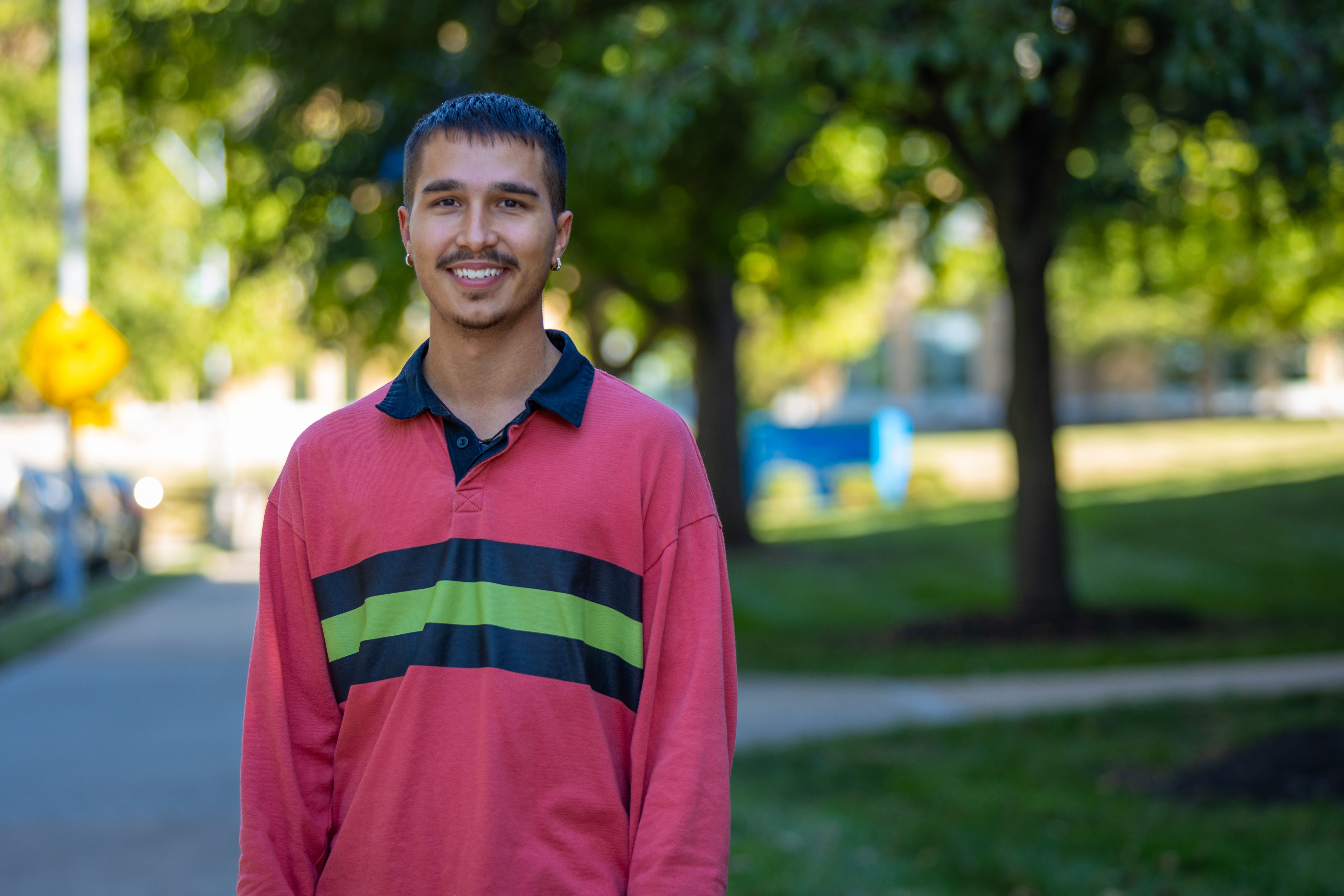
The Institute for Urban Education trains educators who are diverse and inclusive
At UMKC students write their own stories, form their own definitions of success and chart innovative career paths. With Kansas City as their classroom, they turn dreams into reality every day.
Isaia WilcoxenAnticipated graduation: 2024UMKC degree program: B.A. Elementary EducationHometown: Kansas City, Kansas
Isaia Wilcoxen thought he wanted to be a doctor, but his high school teacher’s high expectations and interest in his personal well-being made him change his path.
“My choir director in high school sparked my desire to stay in school,” Wilcoxen said. “She took the time to know who I was and invest in my life. By attending extracurricular activities I participated in and getting to know my family, she truly made an effort to understand who I was as a person. Because of her, I decided for myself that I wanted to do the same for other students.”
Wilcoxen’s mother is also a teacher, and she inspired his choice as well.
“Growing up, she pushed me and my siblings to work hard and never quit, especially in our academics,” he said. “In addition to being a great mom, she was also a great teacher to me. Her warm demeaner and high expectations pushed me to keep trying and keep learning.”
The influence of both women inspired Wilcoxen to aspire to spark that same focus in other students. He started college at a small school in a rural area that lacked diversity, and had few students who shared his experiences.
“I noticed there was no discussion of race and equity,” Wilcoxen said. “Because of this, I quickly realized how necessary diversity is in education.”
Then he learned about the Institute for Urban Education (IUE) at UMKC and decided to transfer.
“The IUE’s mission is to create inclusive and responsive teachers. I knew that I needed to be here,” he said. “I understood what it’s like to not have teachers who look or think like me. In addition, IUE focuses on preparing teachers for urban schools, which is where I want to teach.”
Being on campus at UMKC reaffirmed his decision.
“The IUE’s mission is to create inclusive and responsive teachers. I knew that I needed to be here.” - Isaia Wilcoxen
”My first day on campus, I felt welcomed and accepted to be myself,” Wilcoxen said. “UMKC offers so many clubs, organizations and services for students of color, LGBTQIA students, religious students and so much more. Coming from a small, private school, I was amazed at how inclusive UMKC is. I immediately wanted to get involved and meet new people.”
Currently, Wilcoxen is participating in a paid apprenticeship program teaching at the Academy for Integrated Arts (AFIA.)
“IUE has a lot more practicum opportunities for education students,” he said. “The first semester of our senior year, we're required to go three days to practicum, where other education students usually do one. And we also have more opportunities in the community through volunteering. I've gotten to work at AFIA with their after-school program, which is a paid practicum. It has been a great experience.”
He says people ask him why he chose to focus on urban education.
“The main reason is because urban schools have statistically been underserved and have fewer resources than suburban school districts, or even rural school districts,” Wilcoxen said. “So, there's a lack of teachers, specifically in urban schools because a lot of teachers migrate toward the suburbs, because of better funding and resources. That’s what makes me want to teach in urban schools.”
Oct 17, 2023
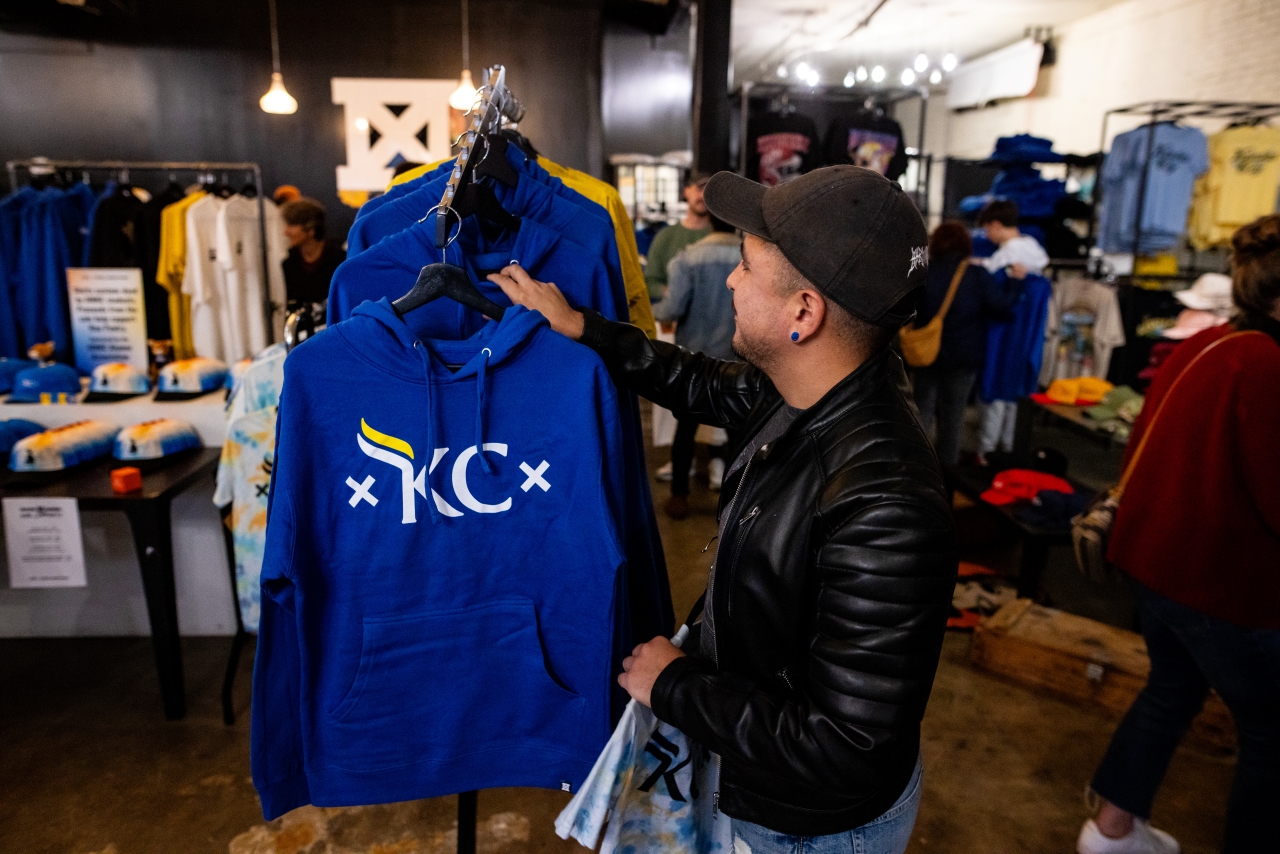
The collaboration includes exclusive Roo-inspired streetwear and UMKC alumni-owned businesses at a pop-up event
The Kansas City community was invited to celebrate the inaugural Roos Mobb collaboration between UMKC and MADE MOBB on October 13 at MADE MOBB’s space in the Crossroads Arts District.
The capsule collection included hats, shirts and sweatshirts with exclusive UMKC designs.
Vu Radley, one of the founders of MADE MOBB, is a UMKC alum. He was joined by over a dozen alumni-owned businesses at the event.
Similar to First Fridays events at their space, there were also performances by various UMKC alumni.
Roos Mobb collection pieces are available for purchase in-store at MADE MOBB’s location until October 31.
Oct 16, 2023
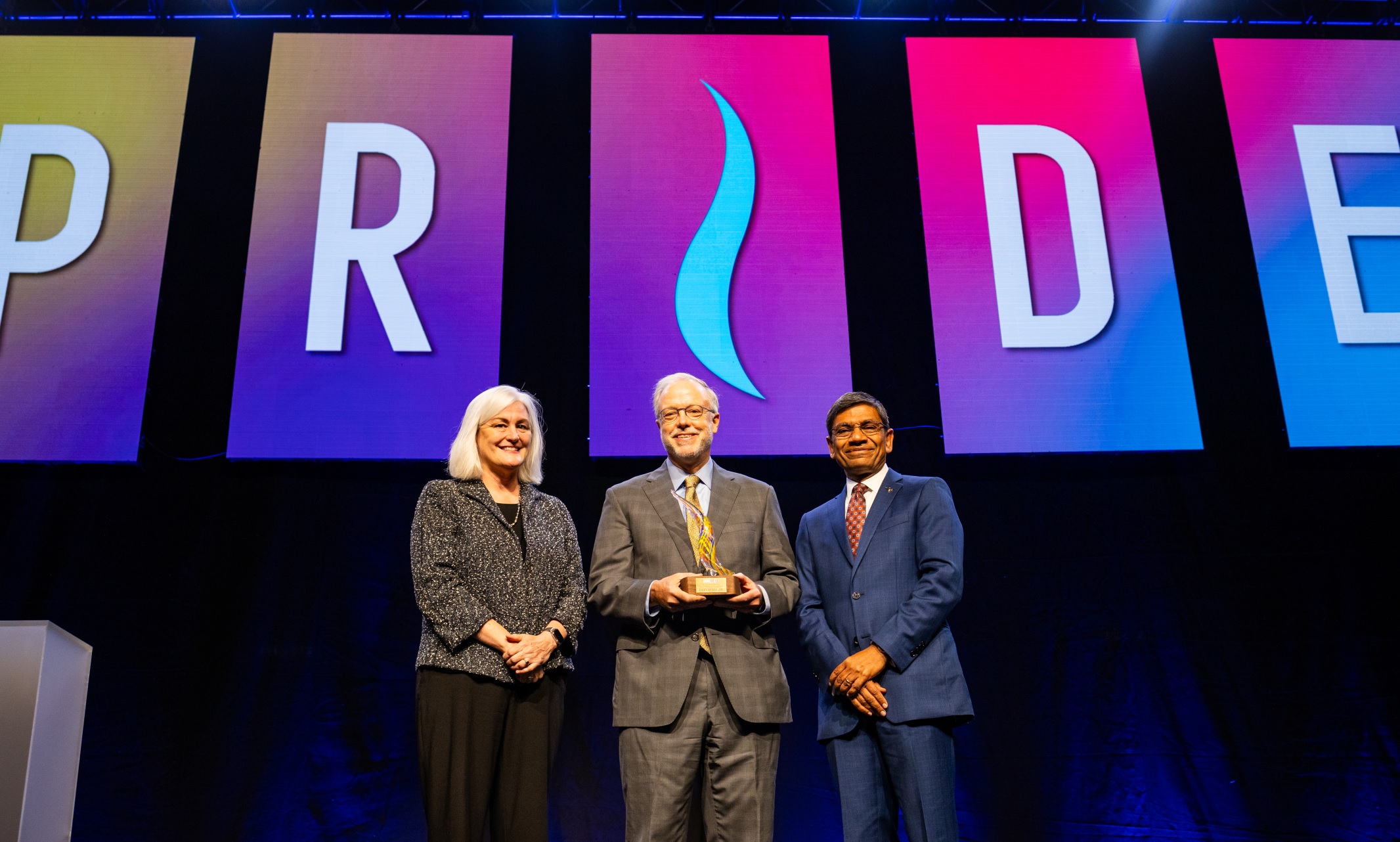
Hall received the inaugural Stephen Metzler Pride Champion Award at the annual event
The annual Pride Breakfast at UMKC is a fundraiser, but it’s also a place to celebrate community and allyship. That’s never been more clear than at this year’s breakfast where the inaugural C. Stephen Metzler Pride Champion Award was given to Hallmark’s Don Hall Jr.
Metzler, a UMKC alumnus, was a noted philanthropist, HIV/AIDS activist, patron of the arts and business leader in the Kansas City community. He was involved in numerous Kansas City non-profits and organizations, including the Mid-America Gay and Lesbian Chamber of Commerce, AIDS Service Foundation of Greater Kansas City and AIDS Walk of Kansas City. A believer in the power of community and connections to create change, Metzler often said he was “saving the world one cocktail party at a time.”
Don Hall Jr., executive chairman of the board of directors and former CEO at Hallmark, was awarded the Metzler Pride Champion Award for his support of the LGBTQIA+ community. During his tenure as CEO, Hall made Hallmark the founding corporate partner of the Mid-America Gay and Lesbian Chamber of Commerce. He was the first CEO to walk in the AIDS Walk of Kansas City and was instrumental in bringing diverse voices to the table across the civic landscape.
Leading a company that serves to foster and celebrate relationships made Hall even more conscious of the need to celebrate people from all walks of life.
“This awareness underscores for me how much harder we have to work for all people to feel valued,” Hall said. “All people need to love and be loved, laugh, celebrate, reach out to others.”
Hall credits Metzler with inspiring him from a young age. He knew Metzler as the older brother of a classmate when he was a child and said that Metzler was kind and affirming even back then.
“I drew inspiration from Steve my whole life,” Hall said. “He was enthusiastic and determined to build understanding. I can’t think of a better example at creating inclusiveness, building humanity and encouraging empathy.”
Since 2008, the Pride Breakfast has raised more than $600,000 to support LGBTQIA+ students at UMKC and serves as a way for the university to show support for, and commitment to, LGBTQIA+ students on campus. Funds from the UMKC Pride Breakfast are critical to support programs and scholarships for LGBTQIA+ students — including the Pride Empowerment Fund, which provides emergency assistance to students who experience financial difficulty due to the loss of family support.
“This event serves as a meaningful reminder that you have champions,” said Chancellor Mauli Agrawal to students. “UMKC and our community see you, we care about you and we support you as you develop as students and valued individuals.”
Oct 10, 2023

Supplemental Instruction helps universities around the world
University of Missouri-Kansas City junior Grace Miller remembers taking Computer Science 101 last year and feeling apprehensive. She’d never coded before.
But then Miller was introduced to Supplemental Instruction, called SI for short, a student-led learning approach UMKC invented 50 years ago. Not to be confused with peer tutoring that’s typically one on one and by assignment, SI is built upon collaborative learning. Research shows that students who study in groups retain 2.5 times more than students who study on their own.
“SI focuses on reinforcement of knowledge,” says Miller, who is majoring in media, art and design. “SI also fosters connection with other students and takes away the loneliness from studying.”
SI proved successful for Miller because not only was she advised she should be an SI leader, she received a 97% in the course. Indeed, a major bragging point of SI is that participating in sessions will boost your grade a half letter to a whole letter.
Read more
Inside Higher Ed: UMKC Has Offered Supplemental Instruction for Five DecadesThe Kansas City Star: This Learning Method Boosts Social Skills - and It Started at UMKC
UMKC junior Grace Miller is an SI leader and participant.
History and global reach
The International Center for Supplemental Instruction is based at UMKC and offers SI resources, training and accreditation to universities throughout the U.S. and around the world.
“I believe that SI has made such an impact in higher education because of the community the collaborative learning environment creates,” says Jessica Pearson, executive director of the International Center for Supplemental Instruction and director of UMKC Academic Support and Mentoring. “Students do not just learn course content and study skills, but they also develop friendships and lasting connections with their classmates and campus.”
In 1973 at UMKC, then-doctoral student, Deanna Martin, created SI out of a critical university need to retain students, keep academic standards high and help students reach their goal of graduating. Martin piloted the first SI program in a human anatomy class at the UMKC School of Dentistry. SI had elements that were attractive to faculty and students. With a budget increase, SI was placed in additional courses.
Other universities started their own SI programs and by 1981, the U.S. Department of Education named SI an Exemplary Education Practice. UMKC has trained faculty and staff from more than 1,500 institutions, including other universities in Missouri and Kansas, from 34 countries around the world.
“I take great pride in the fact that SI originated at UMKC and has now made a significant global impact,” says Kristi Holsinger, Ph.D., senior vice provost for student success at UMKC. “While data clearly demonstrates the positive effects of SI participation on students’ performance in specific courses, its far-reaching influence on nurturing enduring skills, such as effective learning strategies, critical thinking abilities and enhanced study habits, is truly immeasurable.“
Key components and results
Programs around the world share fundamentals.
SI:
Targets historically difficult courses, those that have a high percentage of D, F and withdraw
Does not identify struggling students; all students in each course are highly encouraged to attend SI sessions.
Is voluntary, and students can choose when they want to attend.
Employees are trained extensively, and the program supervises SI leaders throughout the semester.
Among the accredited universities is Georgia College and State University, which this year celebrated its 10th anniversary of SI and nearly a third of the university’s students use it. In the spring of 2023, 50% of Georgia College students attended SI sessions for classes that are difficult to pass. Of the students who attended SI sessions, only 11% dropped, withdrew or failed the class compared to 27% of those who did not participate in SI.
Purdue University uses SI and says this about the approach: “SI is a low-stakes environment (you won’t be graded!), so don’t be embarrassed to make a mistake or be confused. The leader will use several tools to give you the opportunity to think more critically about course content and develop a deeper understanding of how different concepts connect to one another. This could include small group discussions, games and other hands-on activities to make content practice more fun. Although the leader might not directly answer a question you ask, they will help you to find the answer yourself, which in the long run will be more beneficial to your learning.”
SI now at UMKC
UMKC sophomore Shekhar Gugnani is an SI leader and participant.
Sophomore Shekhar Gugnani, who is pursuing the six-year B.A./M.D. from the UMKC School of Medicine, says SI is his favorite part of the day at UMKC, both as an SI participant and leader.
“It makes learning fun,” he says. “It provides limitless creative freedom to reinforce the content.”
Gugnani credits SI for his success in the historically challenging Anatomy 219 course his freshman year. This semester, he’s both an SI leader for Anatomy 219 and an SI participant in Medical Biochemistry BMS 9265.
During each SI study session – typically an hour twice a week – SI leaders like Gugnani and Miller provide strategies for notetaking, organization and test preparation. They lead discussions and activities over lecture material to review and prepare students for higher levels of success in the class.
To prepare for sessions, SI leaders attend all class meetings, take notes, read and understand assigned materials and communicate with the respective professor and SI supervisor. SI is designed to be collaborative, involving all members of the session in hands-on, participatory learning.
For example, Miller plans to lead an SI discussion in Computer Science 101 about CSV (comma-separated values) files with large datasets of Netflix programming and students will learn how to organize them by cross referring them with their favorite actors. Gugnani led a recent Anatomy 219 SI session by having teams draw bones in a race.
“Students are excited, and they engage with SI,” Gugnani says. “Because of the non-remedial approach, there’s no stigma to it. It’s good for all students.”
So why is SI still strong 50 years later?
“SI has not stopped working all these years later because the challenges it was designed to address remain the same,” Pearson says. “Many students entering colleges and universities do not understand how to learn effectively in a college setting. We need a space for students to learn how to learn. SI offered that 50 years ago and it still offers it today.”
Oct 10, 2023
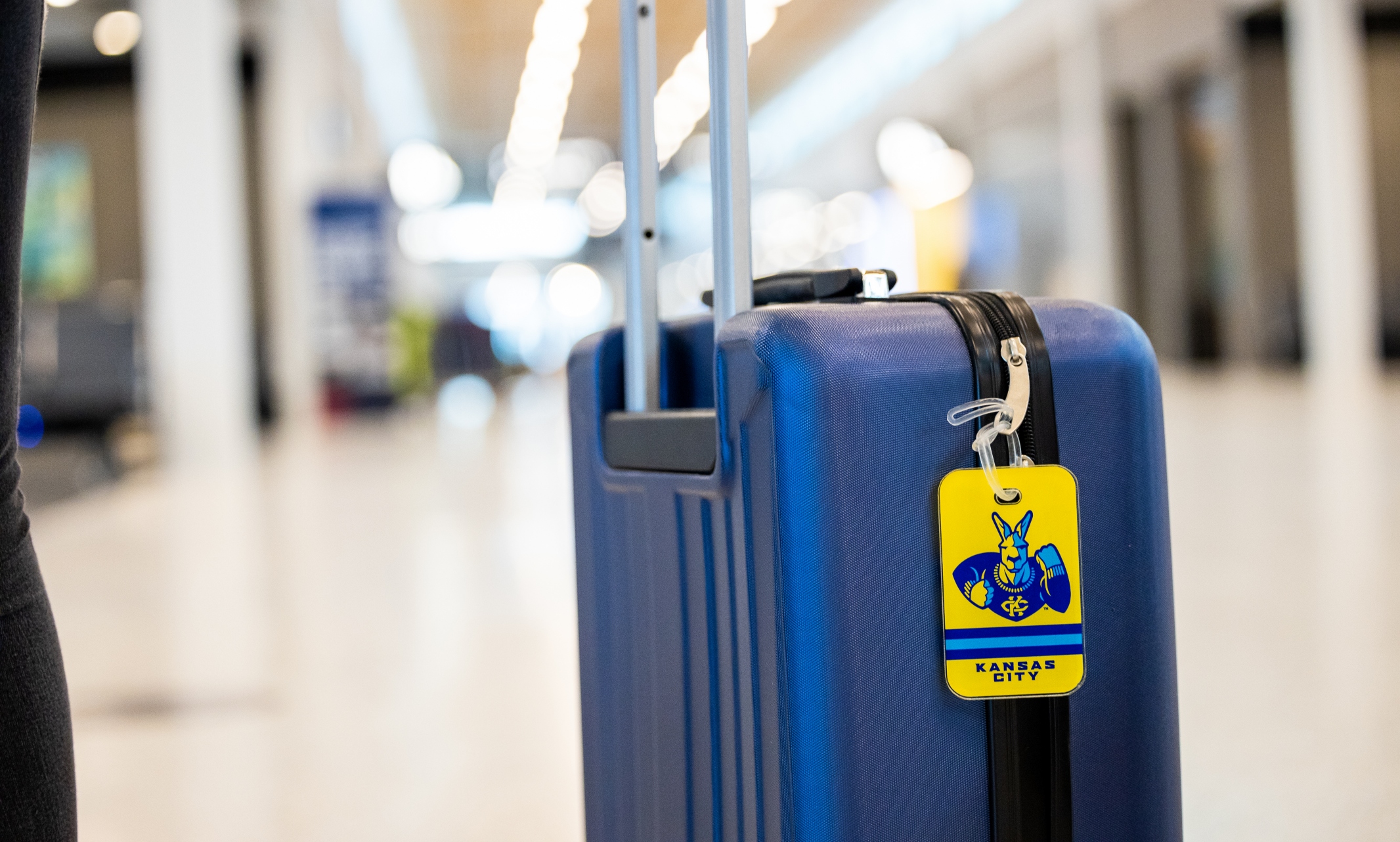
UMKC professor’s KC connection provides once-in-a-career opportunity to students
Msgana Zegeye recalls the moment she was asked to assemble the dream team.
“Validating, that's the word,” she recalled, describing when Bloch Consulting Lab adviser Marvin Carolina asked her to form a team in her image to work with Vantage Airport Group, the concession developer and manager for the new $1.5 billion Kansas City International Airport terminal.
“I think Marvin really saw my passion for leading, managing and operations,” said Zegeye.
She got to work and landed on a four-person team to help advise the company. At first they worked on staffing solutions for the new terminal, but they were so successful, the general manager, Lovell Holloway, kept the team on board and expanded their scope of work.
Zegeye had never worked with any of the peers she selected, but she’d seen them in action in the mock consulting activities in the Consulting Lab. From that, she was able to recognize each of their strengths and envision how those strengths could be deployed to help Vantage Airport Group.
“Nicolas, I felt like would be really good at marketing. He's very innovative.” “With Erik, he is super analytical, and finance is his avenue.”
“Henry really likes like logistics. He likes making sure we do everything by the book and in order.” The team got to work, helping vendors at the airport navigate all their business licenses, airport-specific safety regulations and hiring and retainment strategies for their employees.
As time went on, Holloway entrusted more responsibilities to the team, including conducting an economic impact study and developing an internship program for Vantage Airport Group to further its work with students. Despite the group’s youth, Holloway said he never doubted their capabilities.
“I'm very fortunate and humbled to be working with these students in the Bloch school," Holloway said. "They've been very great to work with, they've been willing to learn, they have educated us. They add value and have great energy. They're easy human beings to work with, and I'm fortunate as a leader to be able to be entrusted with their careers and their vision of where they want to go in life in the future.”“It was a really cool experience because we got to see how we're helping them firsthand, and that they were actually going to take our advice and learn from it,” Hartung said.
Everyone on the team agrees, the guidance, support and trust from Vantage Airport Group and Holloway, and being allowed to take risks and make mistakes on a real-world project taught them invaluable lessons. “The experience itself is something I would never have thought I would have been able to get at any university because this type of project doesn't really happen all that often,” said Klaas. “UMKC has provided a tremendous amount of opportunity,” Hartung agreed. “I think that's all Kansas City’s about, all the opportunity that it holds for students.”
Oct 03, 2023
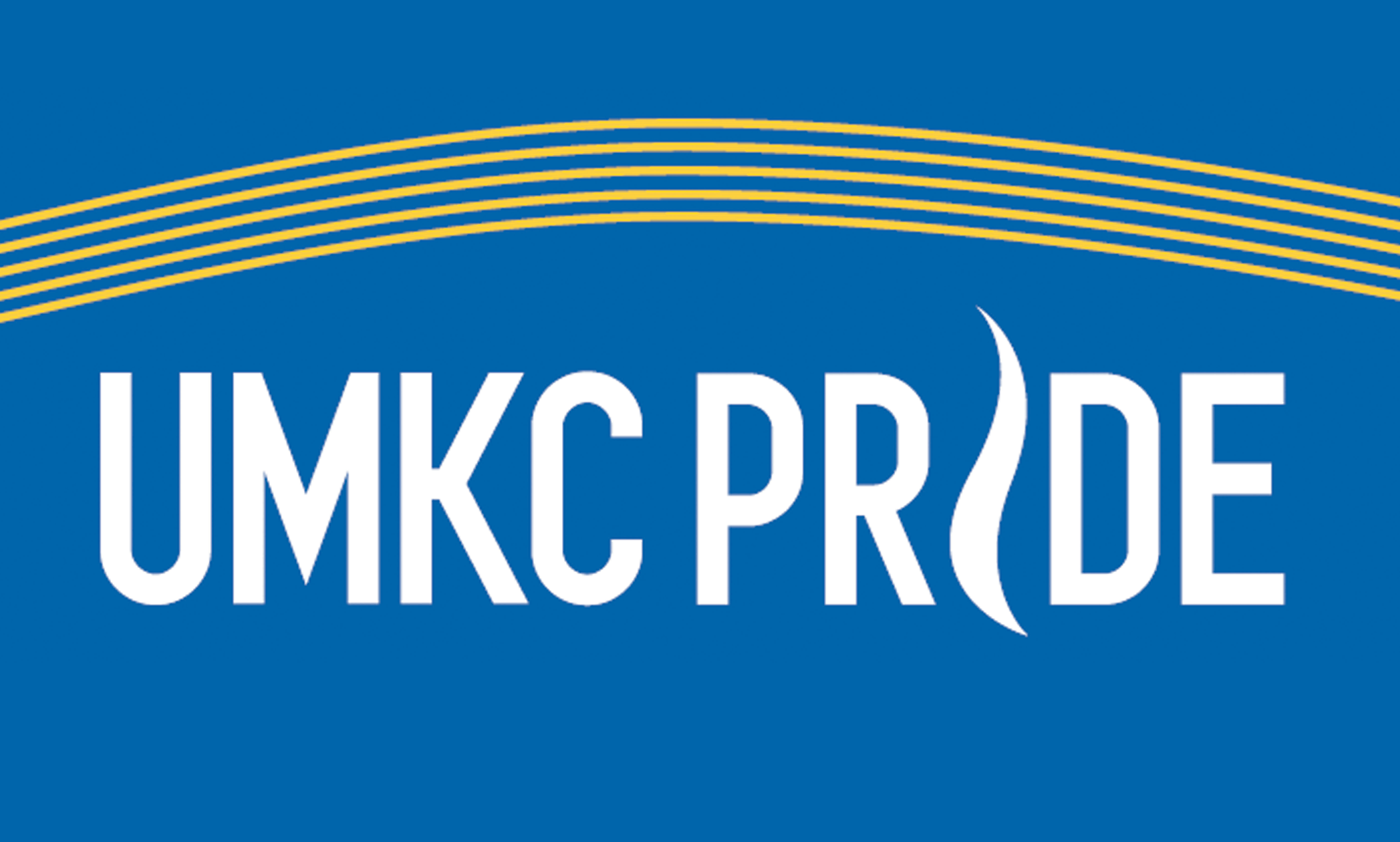
Hall has supported the LGBTQIA+ community throughout his tenure as a Hallmark leader, including his time as president and CEO
The University of Missouri-Kansas City will honor Don Hall Jr., executive chairman of the board of directors at Hallmark, with the inaugural C. Stephen Metzler Pride Champion Award at the annual UMKC Pride Breakfast.
This award recognizes an individual (LGBTQIA+ or ally) who embodies Steve Metzler’s legacy of making Kansas City a better place for the LGBTQIA+ community through volunteerism, philanthropy and leading by example.
Don Hall, Jr.
Hall was president and CEO of Hallmark, serving in that role from 2002 to 2019 when he became executive chairman. During his tenure as CEO, he made Hallmark the first founding corporate partner of the Mid-America Gay and Lesbian Chamber of Commerce (now Mid-America LGBT Chamber of Commerce) in Kansas City. He was instrumental in bringing diverse voices to the table across the civic landscape to champion support for the LGBTQIA+ community.
Hallmark’s commitment to inclusion is part of its long-standing beliefs and values; it has consistently ranked as a top company to work for as acknowledged by the Human Rights Campaign (HRC) Corporate Equality Index – the nation’s foremost benchmarking survey and report measuring corporate policies and practices related to LGBTQIA+ workplace equality.
“We’re thrilled to present Don Hall Jr. with the inaugural C. Stephen Metzler Pride Champion Award,” said UMKC Chancellor Mauli Agrawal. “Don is truly an example of what it means to be inclusive, and his efforts have made Kansas City a better place for our students and all of us to live. We are proud to honor his legacy here.”
The 2023 Pride Breakfast is 7:30 to 9 a.m. Oct. 10 in Swinney Center. Tickets can be purchased at umkc.edu/pride.
Since 2008, the UMKC Pride Breakfast has raised more than $600,000 to support LGBTQIA+ students at UMKC and shows our university’s support of, and commitment to, LGBTQIA+ students on campus. Funds from the UMKC Pride Breakfast are critical to support programs and scholarships for LGBTQIA+ students — including the Pride Empowerment Fund, which provides emergency assistance to students who experience financial difficulty due to the loss of family support.
Sep 25, 2023
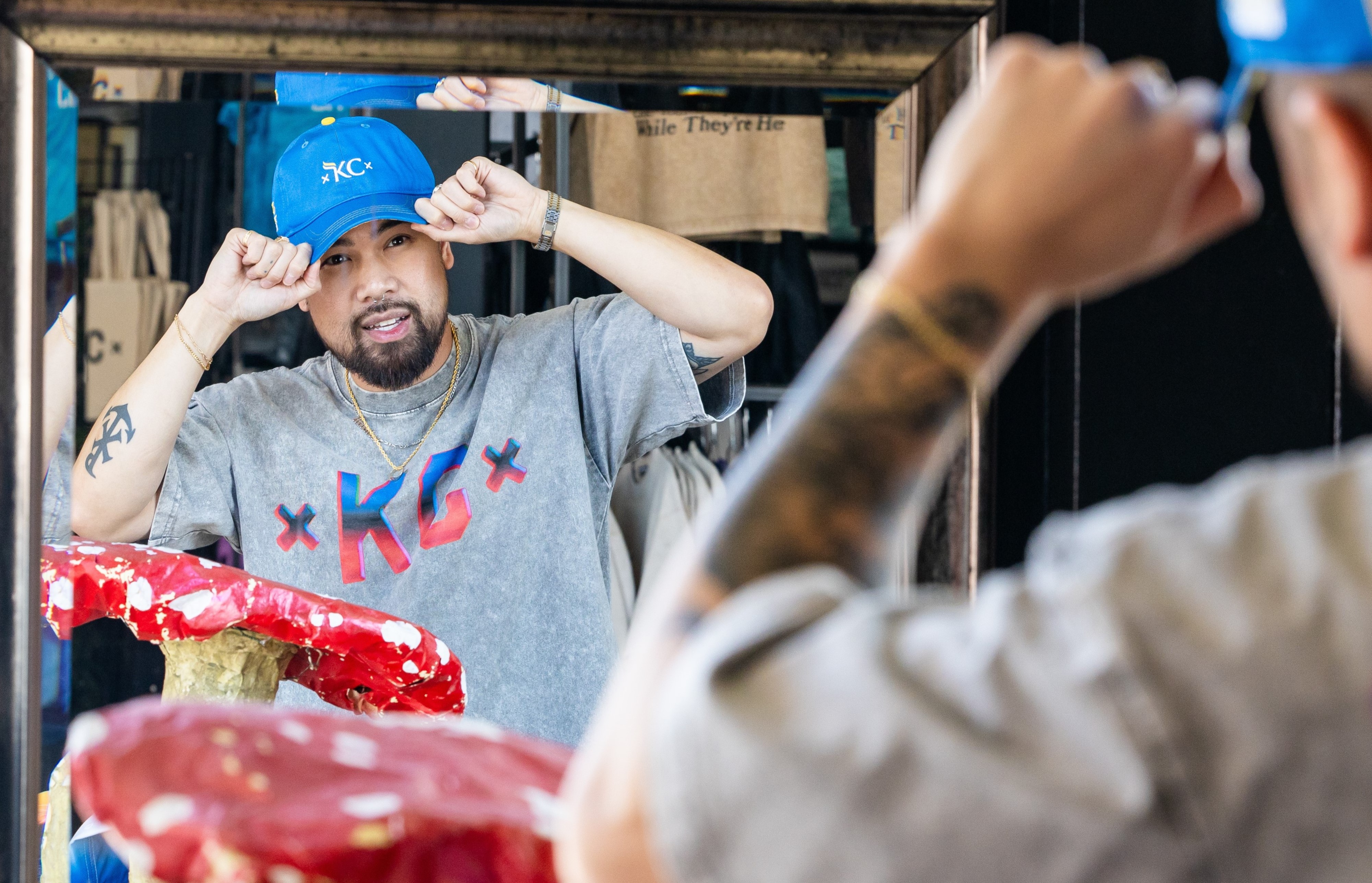
UMKC alum releases exclusive UMKC merch only available at inaugural Roos Mobb event
Did you know that a group of kangaroos is called a mob?
Well, UMKC alum Vu Radley (B.A.’12) had no idea when he started MADE MOBB with his friends 10 years ago.
The streetwear brand is known for its collaborations with various Kansas City businesses, including the Chiefs (now a UMKC partner), KC Current and Café Ca Phé.
Like kismet, the brand is now collaborating with UMKC for its very first Roos Mobb event. The vendor market event, featuring various alumni-owned businesses, took place on Fri., Oct. 13 at MADE MOBB’s space in the Crossroads Arts District.
Now that Vu has come full-circle with UMKC merch and an exciting event partnership, we sat down with him to reflect on how he and MADE MOBB grew to where they are now.
How did MADE MOBB start?
MADE MOBB started in 2012, although we did not drop our first capsule collection until 2013. It was right after I finished my degree in Studio Art at UMKC.
I was working at a corporate job when I met two guys (Mark Launiu and Jesse Phouangphet), and we all came up with the idea to start a business. The financial background and events experience from the two, combined with my experience of printing DIY shirts in high school, formed the foundation of MADE MOBB.
We started working weekly on it as a passion project to simply celebrate our love for streetwear and design. It was what we did after we clocked in our 40 hours at the jobs we were in at the time. But now, it’s what we live off of as a full-time business.
Did the streetwear initially start off as KC-based?
Our x KC x design created in 2013 was one of our first KC products, and is now one of our signature designs. But, it wasn’t until 2015 after the Royals win when wholesalers began to pick up our products and focused specifically on our KC designs. That was also when the KC local-wear scene started to kick off, and we started incorporating more Kansas City elements into our pieces.
How did your experience at UMKC impact the success of MADE MOBB?
Although I grew up with the arts, I never really thought about the digital side of it, which was why I took classes like introduction to graphic design and typography at UMKC. These classes changed my view on graphic design and made me realize it was a space I could get into and build a career.
UMKC was also where I was able to sharpen my design chops and learn important skills, such as how to put a design together that goes to print. The classes I took, from drawing classes to art history classes, made me realize that I might have found my career path.
There is a lot of KC influence in your collaborations. Could you talk more about that and where you see it going in the future?
MADE MOBB has always been about collaboration. There is a lot of talent in Kansas City, and it is fulfilling to be able to support the community and elevate Kansas City businesses, especially small businesses, whether that is with a capsule collaboration or having them pop up in our space. I want to continue doing this and also focus on collaborating with not just businesses, but also local Kansas City creatives.
With the community, we want to continue hosting events. First Fridays was one of the first events we held, even back at our Grand Street location. It’s our favorite time of the month. We have food trucks outside and 15-20 local vendors that pop up in our shop and sell their own stuff. We have local artists performing their own sets too. We want all our people in our space to show us what they are working on, while also sharing what we are working on.
What were you most excited about with the Roos Mobb event?
Graduating from UMKC and then being able to do a collaboration with them 10 years later is just a full-circle moment. A lot of things have happened in my career that have made sense, and this is definitely one of them. So, I was excited to see this event come to life.
Also, having businesses that I did not know were UMKC-alum owned popping up at the event was exciting.There is a lot of talent from UMKC alumni who are still in the city, and it’s something not a lot of people are aware of unless an event like this happens.
As part of 2024 KC Design Week, Vu and some of the UMKC staff invovled with Roos Mobb had a chance to speak on a panel to discuss how the collaboration came to life.
Sep 19, 2023
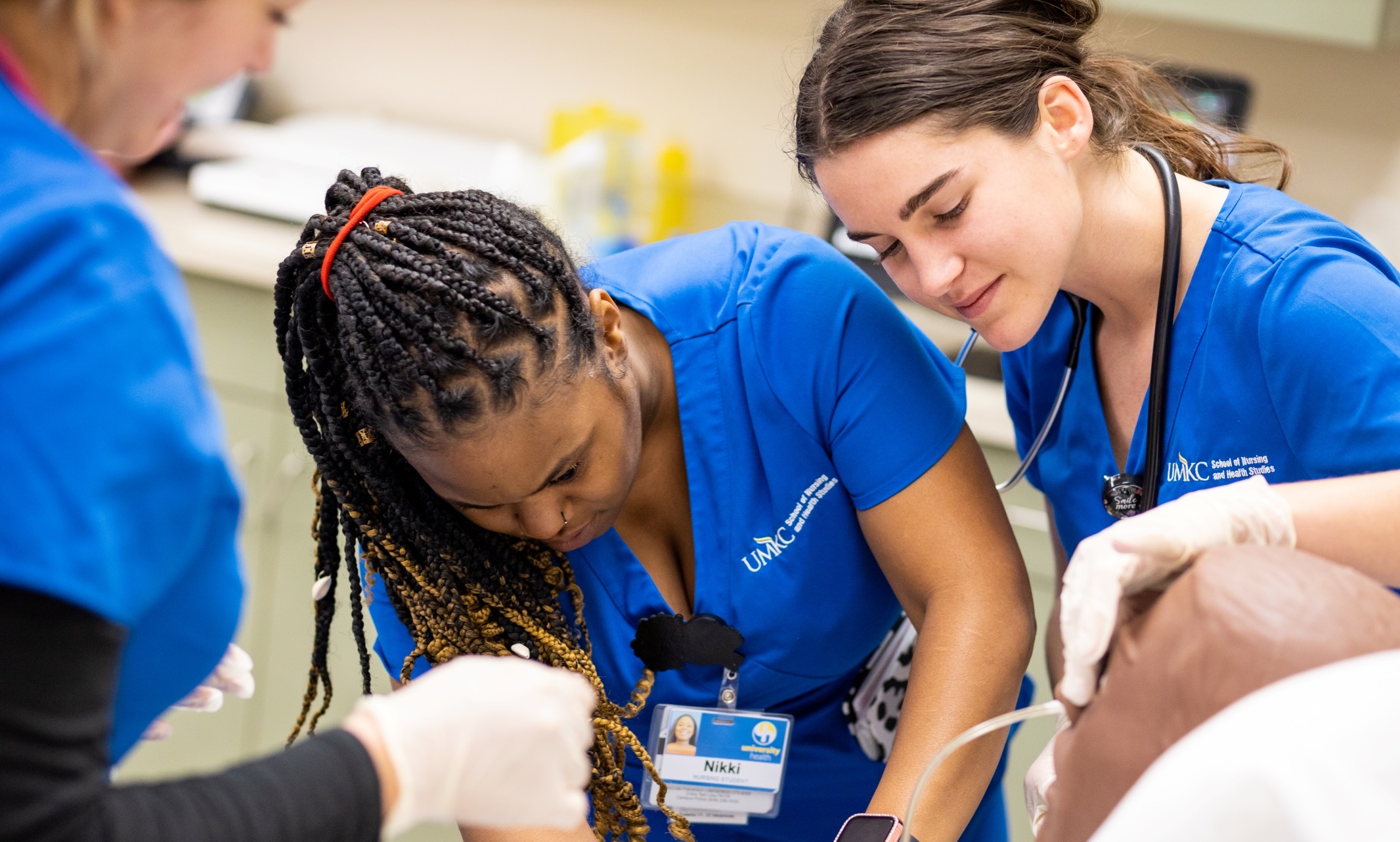
U.S. News and World Report releases annual undergraduate program rankings
The University of Missouri-Kansas City had two undergraduate programs rank among the Top 100 programs in the country, according to the U.S. News and World Report 2024 Best Colleges rankings.
The undergraduate nursing program from the School of Nursing and Health Studies and the undergraduate engineering program from the School of Science and Engineering each placed at No. 86 on the list in their respective categories. In total, more than 650 nursing programs and more than 270 engineering programs that offer only bachelor’s and master’s degrees were considered in the U.S. News and World Report rankings.
The School of Nursing and Health Studies is proud of their ranking, said Joy Roberts, dean of the school.
"The UMKC School of Nursing and Health Studies is proud that our Bachelor of Science in Nursing program has been recognized in the Top 100 undergraduate nursing programs in the U.S,” Roberts said. “Our hardworking, well-prepared BSN graduates are quickly hired by health-care institutions in the Kansas City metro as well as across the country. Our faculty, staff and administration are proud to support our students and we applaud their success!"
School of Science and Engineering dean Kevin Truman is glad for the recognition of the university’s four engineering programs – biomedical, civil, mechanic, and electrical and computer.
"We are thrilled to have received this ranking and continue to elevate and expand our offerings," said Truman. "With our biomedical engineering program that just started this fall and the $120 million Healthcare Delivery and Innovation Building that is currently planned for the UMKC Health Sciences Campus, we are constantly thinking of new ways to enhance the learning experience at UMKC."
Two more programs were recognized by the U.S. News and World Report as well. The undergraduate business degree from the Bloch School of Management was ranked No. 159 out of 520 programs. The School of Science and Engineering had their computer science and information technology program ranked No. 192 out of 550 programs.
Sep 18, 2023
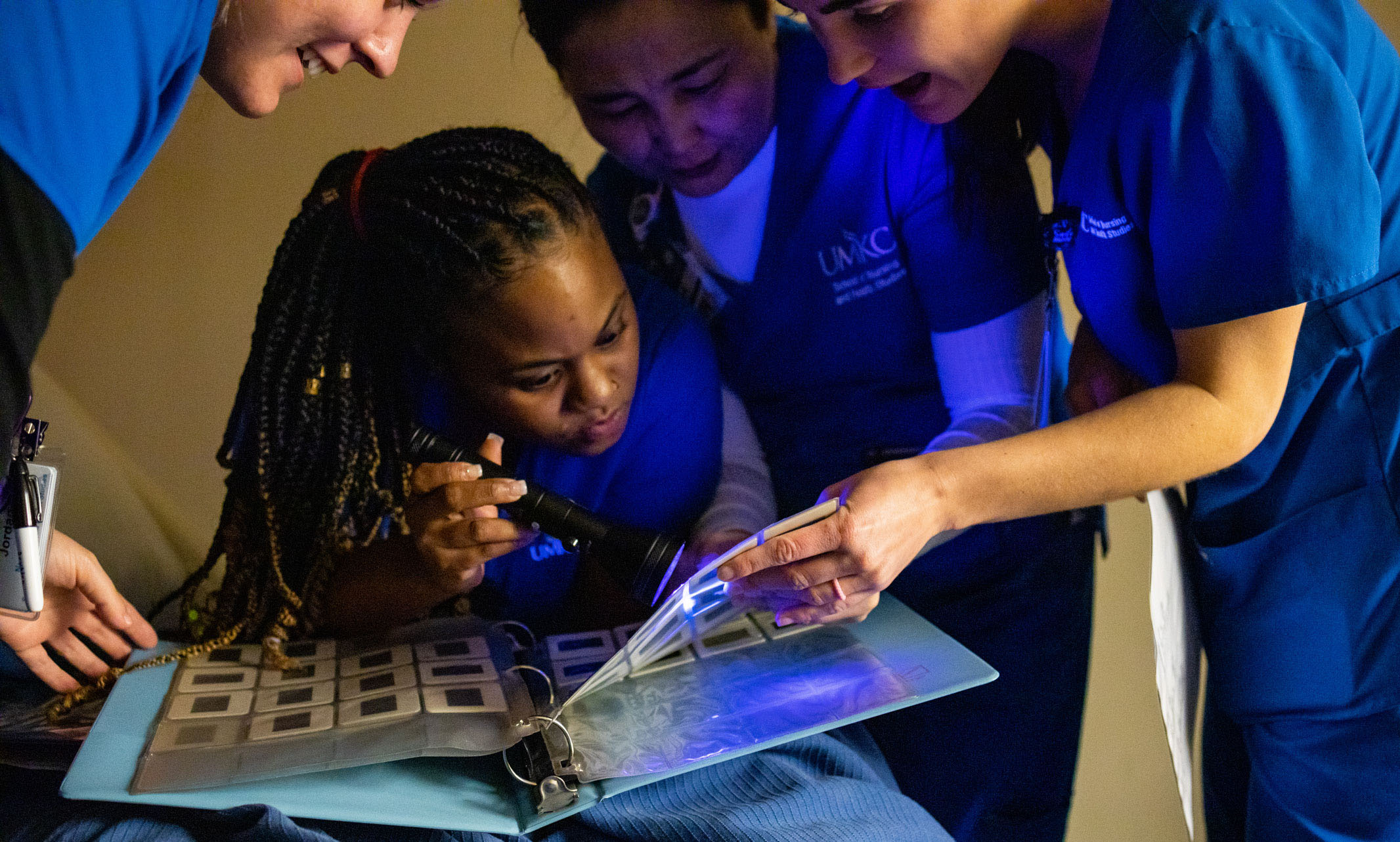
Simulation lab trains future nurses to provide care under pressure
For Christine Zimmerman, R.N., Ph.D., everything is a teachable moment for her nursing students, even escaping zombies. As director of clinical simulation at the UMKC School of Nursing and Health Studies, she designs and implements patient scenarios for the school’s simulation lab.
In the latest scenario, Zimmerman combined an escape room experience with a zombie apocalypse. Students solve puzzles and follow clues while competing for the best time to get the medical equipment they need to provide a blood transfusion to their “patient.” To complete the training and escape the room, the students need to complete each task of the procedure, which prevents their patient from becoming a zombie.Over the years, Zimmerman and her team have created a wide variety of simulations for students, from helping a woman give birth to treating gunshot wounds. The simulations are designed to provide students the opportunity to practice their clinical skills and decision-making abilities in a managed environment that reduces some of the pressures involved in a traditional clinical setting. In the simulation lab, students can focus on the training at hand without the worry of keeping a patient alive or navigating interpersonal dynamics of coworkers.The lab, on the fourth floor of the UMKC School of Nursing and Health Studies, mimics the layout of a hospital, with six patient rooms, a nurses’ station and a medication storage area. The school has nine manikins — models used for medical training that act as patients during the simulations. Zimmerman and her team operate the manikins from a nearby control room in the lab, speaking as the patient through a microphone during the simulation. They take their acting seriously, using different voices and incorporating sound effects.According to School of Nursing and Health Studies Dean Joy Roberts, simulation is a critical experience for nursing students as they progress through the program. “Typically, our undergraduate nursing students are given hands-on experience in hospitals and community health settings,” Roberts said. As an added layer to their training, the simulation lab “ensures that all of our students get experience with certain health issues, while ensuring the patient interaction is as close to real life as possible,” she added.Zimmerman keeps up with the latest advances in nursing simulation education. She said research shows that a competitive gaming environment helps students learn by adding fun while lowering stress. A few years ago, she noticed a growing trend using escape rooms in simulation labs, and decided to try it. Setting it up was a daunting process, she said. She spent almost two years getting it right, and launched it the spring semester of 2023.“We learned that getting the clues together was the hardest part,” Zimmerman said. “You have to think about how each clue builds to the next one, and how the students are going to progress through the steps to solve it.”
As in all simulations, students in the escape room exercise are into divided into groups of four. The groups then compete for the shortest time in finishing the required steps. Competition means the groups need team names picked by the students. “Public Enema” and “N’Syncope” are just two of the many clever team name selections.For nursing student Joyce Young, who is in the final year of the program, the escape room required more teamwork than previous simulations in which she had participated. A former police officer, she was happy to bring her investigative abilities to the team.“With the escape room, I had to really rely on my other team members, and we worked really well together,” Young said. “Everyone brought their own personality and skill sets, because one person’s strength was another person’s weakness.”According to Zimmerman, she focused on blood transfusions because the procedure can be necessary in emergency situations, but also during routine care for a slow bleed or low hemoglobin. The steps never change, and they must be administered in a very specific order. If a student team competing for the best time during the exercise misses a step, a minute is added to their overall time.
Zimmerman said students don’t often get experience with blood transfusions during clinical rotations. “With this simulation, they tell us they feel more confident with the procedure, and have at least received hands-on experience that makes them feel more prepared to address the issue when it comes up during their nursing career,” she said.When Zimmerman and her team started testing the zombie escape room simulation, they were surprised that they needed to create many rules about what the students can and can’t touch.“The students went absolutely insane,” Zimmerman said. “They were going through the sharps (needle disposal) container, digging in the trash and climbing up on sinks to lift up ceiling tiles.”Since the students are competing for the best time, Zimmerman wanted to limit distractions. She’s added a list of what’s in play for the escape room and what’s off limits. Although it helped to keep the students on task, mishaps still occur occasionally. For the blood transfusion, students are required to transfer fake blood from an IV bag through tubing connected to the patient. Clamps on the tubing help control the flow of blood.
“One group who was running out of time, started opening all the clamps to speed things up,” Zimmerman said. “Blood was running everywhere in the room; it was absolute chaos.”
After each simulation session, Zimmerman sits down with the students to debrief, evaluating what went right and what could be improved. For the escape room, she uses the time to focus in on the lessons in each clue and puzzle. In a recent debrief, she praised the group on how quickly they picked up that certain letters were underlined on the back of the IV bag.
“I like to talk about their focus on the small details, because there are so many things in health care that you have to be attuned to,” Zimmerman said. “Your patient can say something that seems tiny, but could be part of the bigger picture.”
The escape room simulation challenges the students to put a puzzle together to see the big picture. When it comes together, it’s one of Zimmerman’s favorite moments.
“I love listening to them when they solve a clue and scream in the room,” Zimmerman said. "It absolutely makes me happy if they have a good time and are engaged.”
Sep 15, 2023
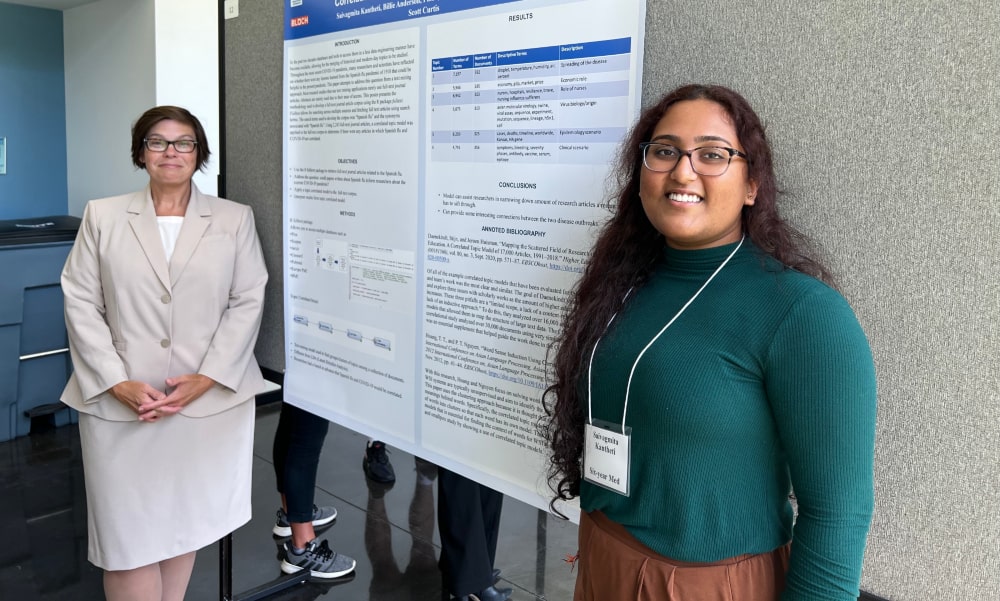
Undergraduate Research Success Inspires Additional Projects
UMKC offers a unique undergraduate experience for students looking to get involved in research projects across all academic units.
Through several different programs and grants, Roos can take part in meaningful research that can not only improve their resumes, but give them skills and tools they can use in the future.
Medical student Vagmi Kantheti received a Summer Undergraduate Research Opportunity (SUROP) grant in 2022 where she worked with Billie Anderson, Ph.D., assistant professor of applied statistics, Majid Bani-Yaghoub, chair of the mathematics and statistics department and Scott Curtis from the UMKC library to develop a corpus of full-text journal articles related to the Spanish flu of 1918.
“It has been a real pleasure to work with and introduce our undergraduate students to a research project,” Anderson said. “Many undergraduate students are not aware of all the details and hard work that goes into a research project. By working with undergraduate students, it allows them to obtain exposure to another part of university life that they may not always be exposed to. This exposure to undergraduate research could spark interest in a student to attend graduate school. Students get to experience meeting deadlines, following specific instructions, and creating a final product, all of which will assist them in their professional careers. “
The project, which is divided into two parts, went on to be presented at regional and national conferences. The first part, which focused on developing the methodology for using the statistical language R, was presented at the Mathematical American Association Missouri Section meeting in April 2022. This work was also published in the Journal of Information Science.
“I am so happy for Dr. Anderson who has been working very hard at this project and many others and believe she very much deserves to be published and recognized for her work,” Vagmi said. “I am very happy with the outcomes of my work and am so grateful that she decided to let me be a part of this work.
”The second part of the project entailed applying a textmining algorithm to determine any connection or “lessons learned” from the Spanish flu that could be applied to the COVID-19 pandemic using a text mining model. That research was presented at the Joint Statistical Meetings of the American Statistical Association in Washington, D.C. in August 2022.
“Dr. Anderson was truly an amazing mentor and she helped me be not as fearful of doing further research in fields that I have better knowledge in, like biological research,” Vagmi said. “It was clear that the people I worked with were very capable and were more than willing to help me grow as a part of the research team. Dr. Anderson even let me make and present the work that I did in a math and statistics conference that was held on UMKC campus.”
SUROP recipients present their findings every year at the Symposium of Undergraduate Research and Creative Scholarship. It gives each student, like Vagmi, the opportunity to share their projects among their peers and colleagues.
The success of the project through SUROP inspired Billie Anderson to put together a group of undergraduate Bloch students and lead a summer project to put together another corpus focusing on reject inference.
“Before this summer, the idea of undergraduate research was very intimidating to me. And, with no prior experience, my only hope was to learn more about research and what it looks like at UMKC,” Hunter Meisner, a student who worked on the research, said. “Not only did I achieve that, but I achieved it with help from the people here at UMKC.”
Anderson received $8,000 in funding for the project to be split up amongst four students, $2,000 each, as part of a Strategic Investment in Applied Statistics grant from the Office of Undergraduate Research and Creative Scholarships.
The corpus of over 100 documents will be used to then develop a literature review of the loan outcome status for rejected applicants, in turn developing a credit score model without bias of only accepted applicants.
The consolidation of the information and documents will allow for a text mining model to be used to uncover potential areas where more research on rejected applications is required.
The opportunity to conduct undergraduate research provides students with valuable experience where they can learn and develop research skills than can help them in the future.
“While I am not a finance major, this experience was incredibly valuable because it was my first time conducting undergraduate research,” Meisner said. “But, more than a learning experience, it was an opportunity to show myself and others that I can contribute to the world of academia.”
“If you don’t take opportunities that are in front of you, you may miss out on future opportunities,” Cody Harman, who participated in the research, said.
Sep 15, 2023
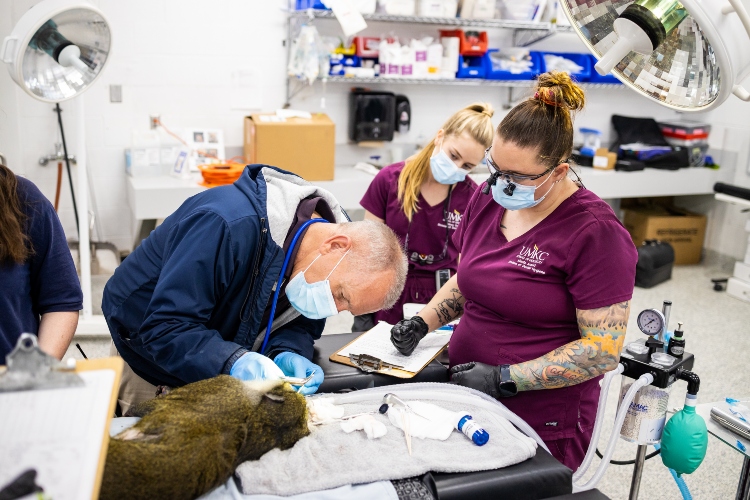
UMKC School of Dentistry offers clinical experience at the Kansas City Zoo and Aquarium
Macila Arnold knew it was an unusual day for her as a UMKC dental hygiene student. First off, the day started at the Kansas City Zoo and Aquarium.
“We came in to work on some swamp monkeys,” Arnold said.
“We got to watch the doctors do their annual visits, do the physical with swamp monkeys and then we got to scale and clean their teeth, and polish them up, just like we would with our human patients.”
Arnold is taking advantage of an opportunity with the UMKC School of Dentistry. Through a partnership with the Kansas City Zoo and Aquarium, the dental hygiene program offers students the Zoo Practicum.
Each spring semester, senior dental hygiene students like Arnold, who was joined by her classmate Sidney Dennis, spend time cleaning the teeth of all kinds of zoo animals.
“The experience has been very unique. I know it’s something that I’m never going to forget,” Dennis said.
The collaborative partnership between the School of Dentistry and the Kansas City Zoo and Aquarium started in 1994. Dr. Wm Kirk Suedmeyer, the Zoo’s director of animal health and conservation research, sees great value in the expertise the students provide.
“It really helps, and they do a good job providing good dental hygiene for our animals,” Suedmeyer said.
The UMKC School of Dentistry provides students with a wide variety of clinical experiences across the Kansas City metropolitan area and beyond. “We have different rotations here at the School of Dentistry: We go out to local elementary schools to give fluoride and sealants and do all kinds of screenings with them,” Dennis said. “There’s a lot of real-world opportunities at the School of Dentistry.”
Originally from Springfield, Missouri, Dennis appreciates how much of Kansas City she’s seen through her rotations.
“Being able to get involved in the community through hygiene has been just so much fun,” she said. “I’ve loved my experience here in Kansas City.” All that time in the community helped Arnold find her niche of public health within the dental field.
"Kansas City has definitely been our classroom by giving us the opportunity to go outside the School of Dentistry and just our patients. We get to go out and do the rotations where we get to go out and work with a diverse population." — Macila Arnold (B.S.D.H. '23)
“I feel like having that exposure and getting to work in the Kansas City area has helped me find my own passion within dental hygiene.”
Sep 12, 2023
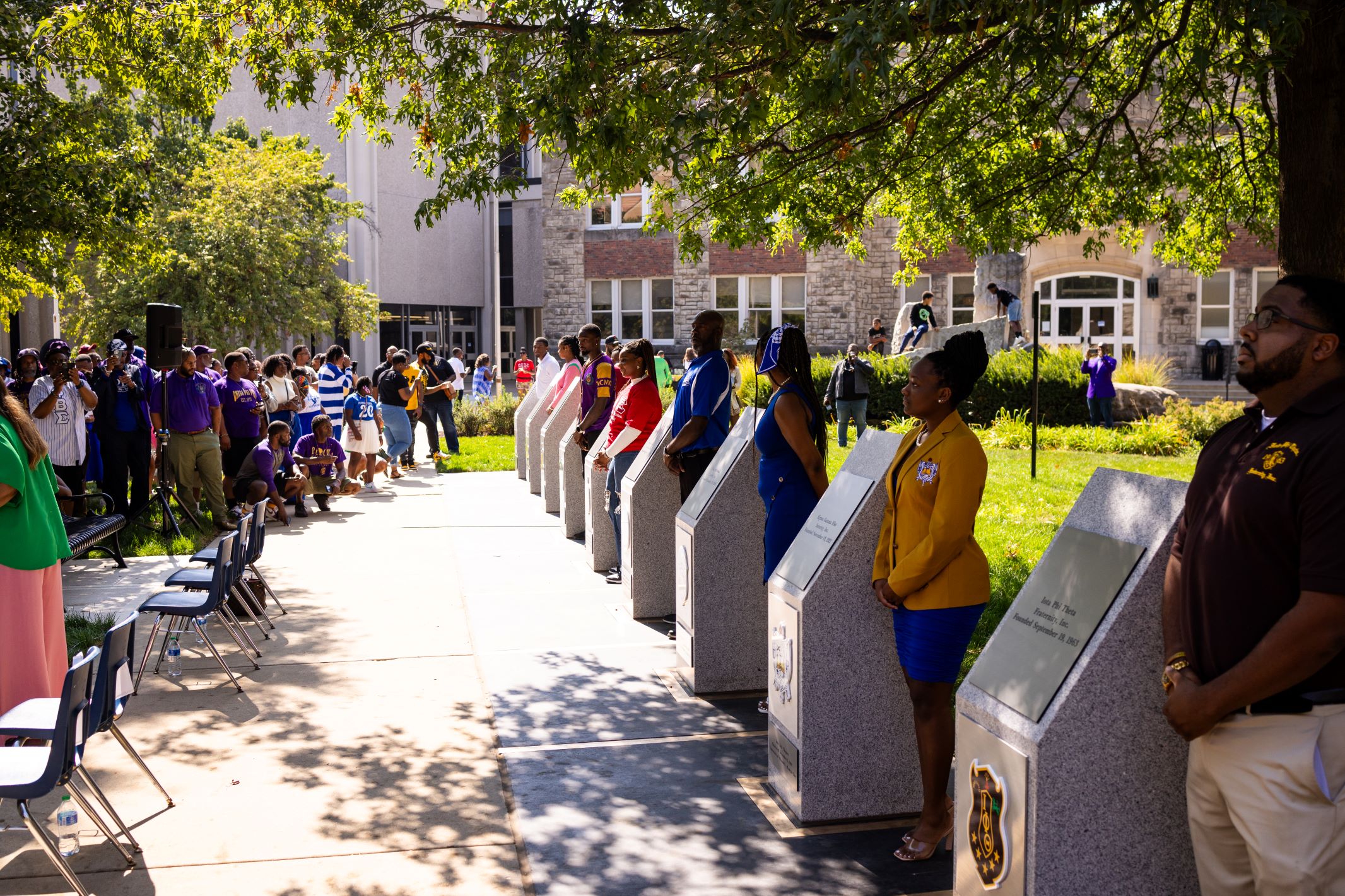
Placement in the heart of campus reflects an environment of invigorating multiculturalism, globalism and inclusion
The University of Missouri-Kansas City celebrated the new Divine Nine gardens in the heart of campus with a ceremonial unveiling.
Hundreds of people from across the Kansas City region representing the Divine Nine Black Greek organizations that make up the National Pan-Hellenic Council gathered in the Quad, proudly dressed in the colors – crimson, emerald, gold, royal blue, black and beyond – that represent their fraternity or sorority.
A tribute to the contributions and presence of the Divine Nine fraternities and sororities, the garden is also a gathering place for students and alumni to reflect on and celebrate the achievements of their respective organizations.
For more than a century, the Divine Nine have championed progress, tackling challenges from civil rights to racial justice and leadership cultivation. Those who are members of this council know their membership goes far beyond college years, offering lifelong chances for networking and leadership.
“I am humbled to be here today to share in and witness the unveiling of the UMKC Divine Nine Garden monuments,” said Michele Smith, Ph.D., vice provost for Student Affairs and dean of students.
“The UMKC Divine Nine Garden celebrates the work of our hands and the legacy of kinship, allyship,
interdependence and impact the Divine Nine inspires across our campus and within our communities.”
Groups stood next to the tall granite monument emblazoned with the Greek letters of their organization.
Alpha Phi Alpha Fraternity
Alpha Kappa Alpha Sorority
Kappa Alpha Psi Fraternity
Omega Psi Phi Fraternity
Delta Sigma Theta Sorority
Phi Beta Sigma Fraternity
Zeta Phi Beta Sorority
Sigma Gamma Rho Sorority
Iota Phi Theta Fraternity
Increased visibility of the Divine Nine organizations was one initiative developed with Chancellor Mauli Agrawal’s work with student leaders in the African American Cultivating Excellence Program to generate positive change on campus. Contributions by the Sunderland Foundation, the UMKC NPHC students, the Chancellor and Provost offices, Hollis and Miller Architects, among others, supported the conception and creation of the garden.
“Establishing this garden on the Quad – the very core of our campus – is symbolic of our recognition of these important fraternities and sororities, their significant national contributions, across the Kansas City area and here at UMKC,” Agrawal said. “We are proud to commemorate the opening of the Divine Nine Garden, with recognition for each organization.”
Calvin Flemons, Alpha Phi Alpha Delta Rho chapter president, addressed the crowd and recognized the support of the UMKC community in the garden’s creation.
“I speak for us all when I say, with so much gratitude and joy in our hearts, that being a part of this history at UMKC will be unforgettable,” Flemons said. “So let it be known that today and for years to come, NPHC will continue to make an impact on this campus and in our community.”
Keichanda Dees-Burnett, assistant dean of students and director of Multicultural Student Affairs, expressed her pride in being a Divine Nine member and a UMKC alumna.
“When I reflect on my experiences as a UMKC Black Greek alum and staff member, I am proud to have been able to contribute and witness how far our university has come,” Dees-Burnett said. “The campus has grown and there are now so many more people and spaces where Black students can find their sense of belonging. Starting today, the Divine Nine Garden will serve as an additional space and a symbol to current and future African American students at UMKC that they belong here.”
Following the dedication, participants visited the Miller Nichols Library and Learning Center lobby to view, “Legacy in Bloom,” a Divine Nine exhibit designed to coincide with the opening of the garden, which showcases each of the nine Greek organizations’ history and their connection to UMKC. The exhibit will run throughout this academic year ending in May. It is on display in the lobby of Miller Nichols, as well as on the fourth floor in the Dean’s Gallery.
Sep 11, 2023
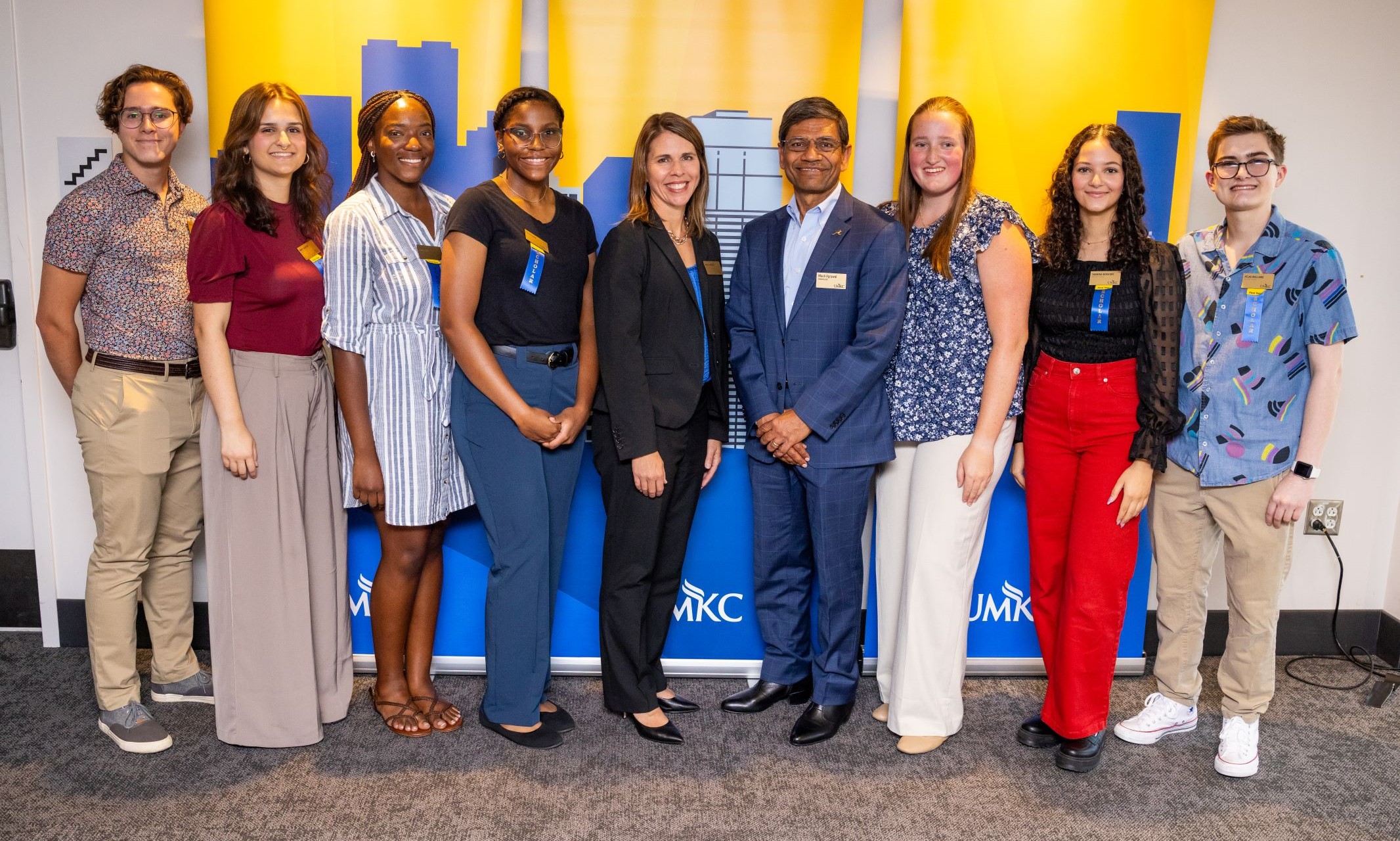
Prestigious program for outstanding scholars launches college careers
The newest class of UMKC Trustees’ Scholars took their first steps toward outstanding college careers and bright futures at their welcome reception. The seven recipients were part of a pool of 200 applicants, and many will become campus leaders.
The UMKC Trustees’ Scholars Program provides a fully funded educational and experiential program for a select group of first-time students at UMKC. The scholarship is a collaboration between the university and the UMKC Trustees. The program gives students access to UMKC Trustees’ knowledge, experience and mentorship as well as specialized guidance from key UMKC staff.
UMKC Trustees Chair Debby Ballard welcomed the scholars at a reception August 18.
“The Trustees’ Scholars program is very close to my heart,” Ballard said. “I have mentored two scholars in the past, and I am currently a mentor to a scholar who is a dance major at the Conservatory. Meeting with my scholars was always inspiring. I learned a lot from their perspectives, and their optimism and enthusiasm are uplifting.”
Suzanne Shank, chair of the Trustees’ Scholars Committee, serves as a mentor.
“The scholars program is the signature program of the Trustees,” Shank said. “The students we are celebrating today were handpicked from almost 200 applicants who represented the best of the best in our region. We know they will be extraordinary representatives of the Trustees, the program and the university.”
UMKC Provost Jennifer Lundgren welcomed the incoming scholars.
“You are now part of the Roo family,” Lundgren said. “Being a Trustees’ Scholar is an incredible and unique opportunity that few students are awarded. The connections you’ll make and the rigorous course work you will undertake, will help prepare you to shine in the careers you’ll pursue when you graduate.”
Lundgren assured the scholars’ parents that they were in the right place.
“Thank you for getting them here,” she said. “We have developed a culture of care that will help them build resilience and responsibility. I assure you, that if they need someone, I’m here.”
Each student had the opportunity to share their story of what brought them to UMKC and their aspirations.
Laila Atkins
Atkins is from Grandview and is studying political science. Driven and focused, she feels fortunate to have the opportunity to be a Trustees’ Scholar at UMKC and getting to know the other scholars. While she’s a little nervous, she’s excited to challenge herself. Her Trustee mentor is Donald Maxwell, an attorney with his own private practice.
Maisy Blanton
Blanton is from Benton, Kansas and is studying communication and digital media, with a minor in race and gender studies. In high school, Blanton wrote an essay about being queer for Young Queer America and received pushback from the school board. She chose UMKC because of the loving and supportive atmosphere. She is preparing for a career in public relations and journalism. Her Trustee mentor is Steve Doyal, a retired executive with Hallmark Cards.
Andrew Custis
Custis is from St. Louis and is studying earth and environmental science. When he toured campus, he met faculty who had worked in Africa at Lake Chad and another who had studied volcanology and geology. “I valued the effect I could have on the world. That’s why I chose UMKC.” His Trustee mentor is Kyle Vena, vice president of new campus development with the American Royal Association.
Atlas Mallams
Mallams is from Liberty and is studying computer science with a minor in sociology. “When I visited UMKC I had a feeling of community. I felt safe and welcome. I could see the school welcomed diversity and different economic backgrounds. Also, there’s a Cheesecake Factory down the street!” Their Trustee mentor is Leigh Anne Taylor Knight, executive director and chief operating officer at the DeBruce Foundation.
Yasmina Mokhtar
Mokhtar is from Joplin and is studying sociology and Spanish. She has a small hand-embroidery business and plans to go to law school. Her family is Muslim and from Egypt, and the diversity at UMKC was appealing. “I wanted to meet other people of color,” she said. Her Trustee mentor is Heather Humphrey, senior vice president, general counsel and corporate secretary at Evergy.
Alexis Reed
Reed is from Kansas City and attended school in the Center district. She is pursuing a degree in biology, with an interest in pathology; she is minoring in Spanish. She chose UMKC because she wanted to be close to her home and family. “And I love the diversity,” she said. “I like to learn about new people.” Her Trustee mentor is Joseph Reuben, chief medical officer at Menorah Medical Center.
Micaela Richards
Richards is from Lee’s Summit and is pursuing her degree in business administration, with a minor in political science. She was DECA president in high school and is proud of her work ethic. She plans to pursue a career in law. “I chose UMKC because I felt heard.” Her Trustee mentor is Donna Ward, senior vice president of the administrative services division at the Federal Reserve Bank of Kansas City.
Sep 11, 2023
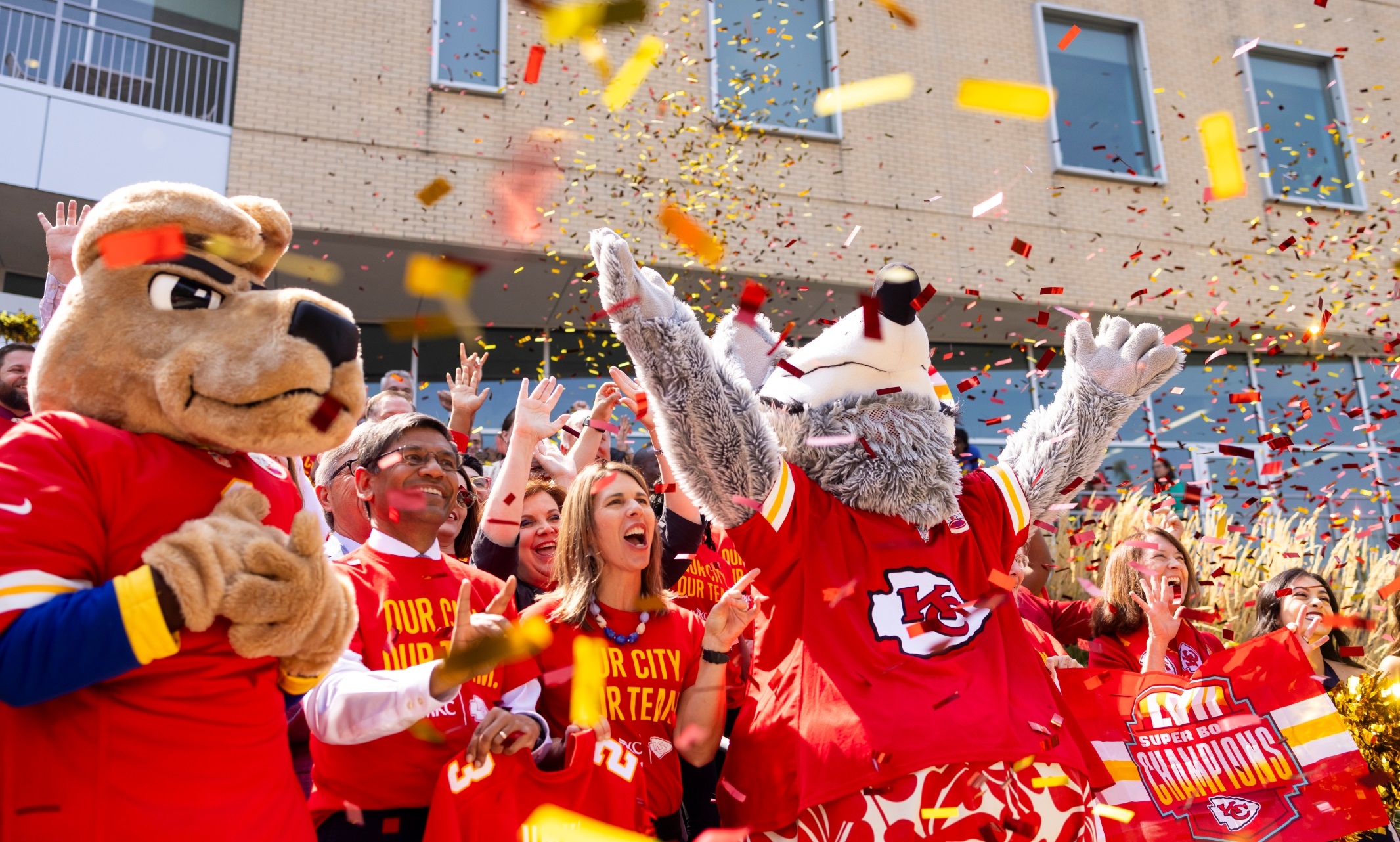
Five-year partnership centers on student recruitment, scholarships and success programs
The University of Missouri-Kansas City announced today that it is an official higher education partner of the Kansas City Chiefs, the 2022 World Champions.
“Kansas City’s university is thrilled to join with Kansas City’s football team to bring exceptional real-world learning experiences to our students,” said UMKC Vice Chancellor of Strategic Marketing and Communications Anne Hartung Spenner. “There is great forward momentum in our city and our university, and we look forward to building on this continuing wave of excellence in our community through this partnership.”“We’re very excited to roll out this new education partnership with the administration, faculty, staff and students at UMKC,” said Chiefs Vice President of Partnership Strategy and Development Kim Hobbs. “We think the relationship between the team and the university will present extremely unique opportunities and access for their students moving forward and will reinforce the idea that Roos should ‘Never Choose the Norm.’”The five-year partnership between UMKC and the Kansas City Chiefs focuses on student success and recruitment efforts. Opportunities for UMKC students include scholarships as well as leadership, mentorship and career-shadowing within the Chiefs organization. Events for prospective students include stadium tours and other programs.The partnership between the two organizations - both pillars of the city - is a natural one. Each founded by innovative entrepreneurs and pioneers - William Volker (UMKC) and Lamar Hunt (Chiefs) - the two organizations each have worldwide stakeholders. UMKC attracts students from more than 75 countries and the Chiefs’ fanbase spans the globe.
The Chiefs and UMKC also share many connections through alumni, students, faculty and staff, including:• Amy Patel, M.D., professor of the UMKC School of Medicine and an alumnae, was the 2022 Kansas City Chiefs NFL Fan of the Year.• Chiefs Safety Justin Reid created a coding camp hosted this summer at UMKC.• Union Station is the site of Chiefs fandom in large part thanks to UMKC alumni George Guastello, its chief executive officer, and Michael Tritt, its chief marketing officer.• Jerry Blanton, associate director of UMKC Student Union, is a former Kansas City Chiefs linebacker and his son, Kendall Blanton, was a member of the Chiefs in the most recent Super Bowl.• Numerous UMKC alumni work for the Chiefs including Ishmael Shumate (BBA ’20, MBA ’22), philanthropy and community programming coordinator, or have worked for them, including dental hygienist Ashley Hobbs (B.S.D.H. ’11), who was a Chiefs Cheerleader.To commemorate the new partnership with the Kansas City Chiefs, UMKC is planning a campuswide celebration Sept. 7 ahead of the season opener that evening, and a Red Friday Roos Tailgate on Sept. 22.Yet another thing the two organizations have in common: mascots named for their beloved hometown. Both KC Wolf of the Chiefs and KC Roo of UMKC will attend the celebrations.Earlier this year, Kansas City’s university entered into a partnership with another city favorite, the Kansas City Zoo & Aquarium. The five-year partnership funds improvements to the Australia new habitat, where kangaroos live, and provides learning opportunities from UMKC students. The university’s mascot was inspired by kangaroos at the zoo, and the classic Roo was drawn by Walt Disney. UMKC also is a longtime partner of Sporting KC, and the campus community has enjoyed that relationship for more than a decade.
Sep 06, 2023
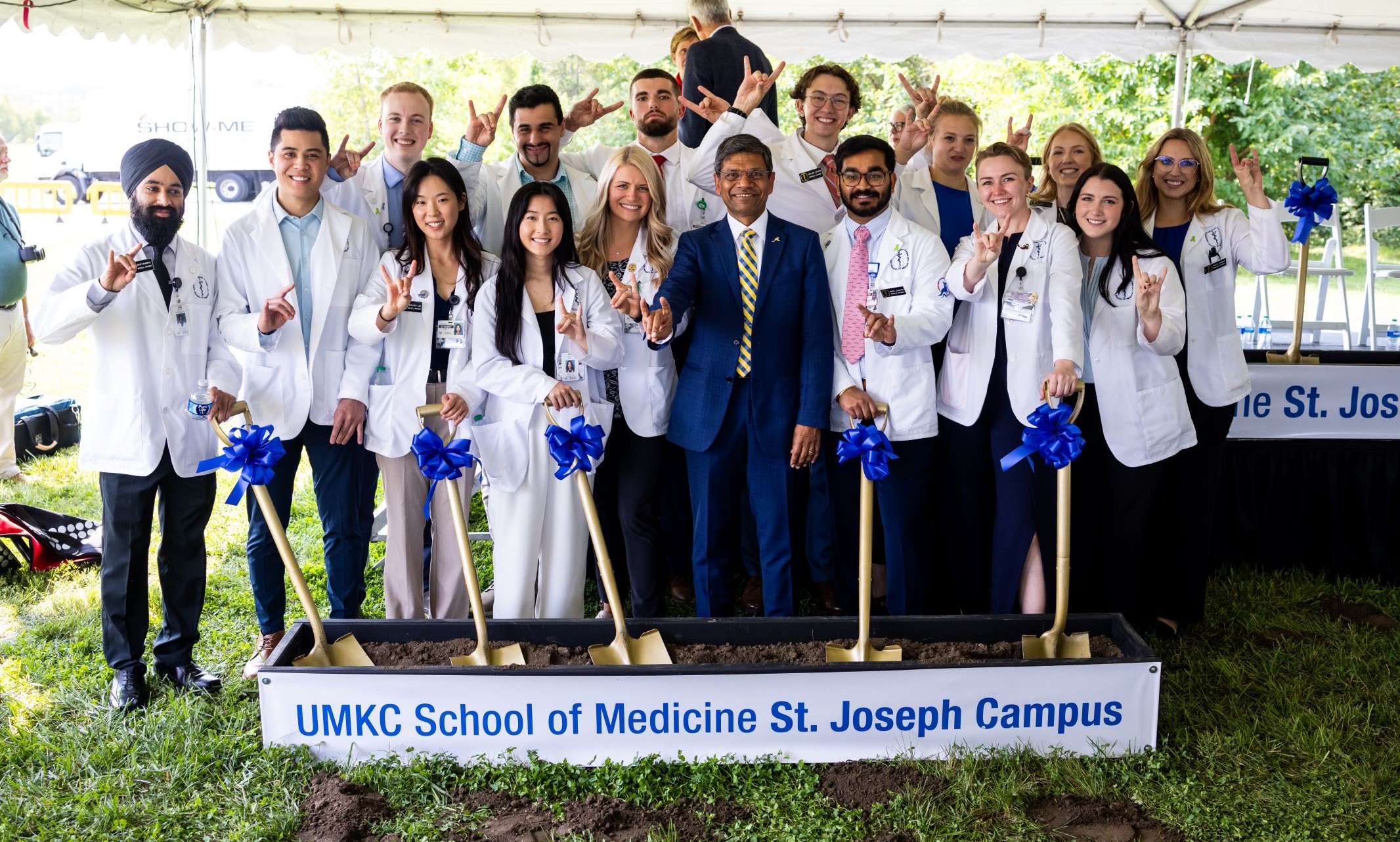
The expanded footprint in St. Joseph, Missouri is designed to train rural health-care providers
The University of Missouri-Kansas City broke ground on a new $14.5 million medical building for its School of Medicine campus in St. Joseph, Missouri.
“Through our investments in the St. Joseph campus, UMKC is answering the call to help ensure all Missourians have access to the health care they deserve,” said UMKC Chancellor Mauli Agrawal. “Today’s groundbreaking ceremony marks a catalyst in our state and region that will be felt for decades to come.”
The 22,000-square-foot building will transform health-care access for Missourians by training future health care providers who are committed to rural medicine, supporting research and providing care to people in St. Joseph and the surrounding area.
The building will feature the latest medical teaching and learning technology. There will be four exam rooms designed to simulate real-world patient interactions and dedicated study and meeting spaces to support student collaboration. It’s expected to open in 2025.
Rendering provided by Clark & Enersen
“The physical environment for medical students is important: Using cutting-edge architecture and technological best practices, this new building creates physical spaces that advance active learning, teamwork and interdisciplinary collaboration,” said UMKC School of Medicine Dean Mary Anne Jackson. “This campus will give UMKC the tools to train hundreds of talented medical professionals so that they can go on to provide the highest-quality care to our neighbors throughout Missouri.”
Missouri is facing a severe physician shortage, with nearly half of the rural counties in the state lacking adequate access to hospital health care. Research shows medical students who have experience in rural medicine during their residency programs are more likely to practice medicine in rural settings.Physicians who practice in rural areas face numerous challenges. They care for a population of patients with increased risk for many conditions compared to urban and suburban patients, Jackson said. These include higher levels of chronic diseases such as COPD and heart failure, addiction and cancer diagnoses. At the same time, rural physicians encounter limited access to needed specialists, including cardiologists, oncologists and addiction specialists. To help fill health-care gaps, the UMKC School of Medicine partnered with Mosaic Life Care in 2021 to train physicians at its St. Joseph location, but the program has since outgrown its space.“We are excited to see our partnership with the University of Missouri-Kansas City School of Medicine grow and prosper on our St. Joseph campus,” said Chief Executive Officer Mike Poore, Mosaic Life Care. “We have the opportunity to shape the future of rural health care and address the shortage of physicians in our region. This extended footprint for the UMKC School of Medicine bridges that gap, especially knowing that students training in rural programs are three times as likely to remain in practice in those areas.” The new building will incorporate design elements to symbolize the statewide impact of the UMKC St. Joseph campus. A large artistic map will be installed near the entryway, pinpointing UMKC medical program partners throughout Missouri and Kansas. This installation is meant to showcase the strength of the existing system and will include the ability for UMKC to add future partners as it expands its rural education network.So far in three years of the UMKC School of Medicine program in St. Joseph, students have logged 19,764 clinical contact hours in medically underserved areas. In addition to Mosaic, they have practiced in other clinics in St. Joseph, Albany, Cameron, Chillicothe, Maryville and Mound City, Missouri.Emma Smith is part of the program’s first cohort of students. She said doing rotations in Chillicothe gave her unique experiences in understanding and overcoming barriers to care in rural areas.“I have learned so much during my time at UMKC, and some of my strongest learning experiences have been during my rural family medicine and internal medicine rotations,” Smith said. “Expanding the UMKC School of Medicine St. Joseph campus is a benefit to the region because it provides additional resources for students to live, work and train in a community with unique patient needs.”This new medical education facility represented strong support and help from federal and Missouri leaders. Of the total $14.5 million cost, $13 million was designated from federal funds and $1.5 million came from state funding. Former Senator Roy Blunt was instrumental in championing federal funds for the new building in a 2022 spending bill, which also included $2.5 million for the UMKC School of Medicine to expand its behavioral health training at the St. Joseph campus.
"Missouri is facing a physician shortage, creating major challenges for rural communities," Blunt said. "As the former chairman of the appropriations subcommittee that funds the Department of Health and Human Services, I was a strong advocate for the UMKC School of Medicine St. Joseph campus expansion and its important work in training physicians who will be uniquely qualified to provide care where it's needed most. I am glad to see UMKC breaking ground on the new building today that will strengthen our rural communities by providing quality care to families in underserved areas across the state."
In addition to the contributions from Blunt, Missouri State Rep. Brenda Shields was instrumental in the creation of the UMKC School of Medicine St. Joseph campus and spoke at the groundbreaking event. “It has been exciting to be involved in this project from the very beginning. When I spoke to the students at the first white coat ceremony and heard their passion for rural medicine, it was clear to me we were accomplishing what we set out to do—to bring better health care to rural Missouri,” Shields said. “This school will be the premier location for rural medical training in the United States, and it is right here in northwest Missouri.”
UMKC has a strong history of expanding access to rural health care education programs in Missouri. In addition to the School of Medicine program, the university operates satellite campuses for the UMKC School of Pharmacy at the University of Missouri in Columbia and Missouri State University in Springfield.
Here's what other supporters who spoke at the groundbreaking event had to say:
“This expansion is a game changer for rural health care in the region," said U.S. Congressman Sam Graves, a sixth-generation family farmer who grew up in northwestern Missouri. "Health-care access in north Missouri depends on the availability of rural doctors. If we want more rural doctors, we need more rural training. I’m thrilled that UMKC and Mosaic have come together to make this happen in St. Joseph and I can’t wait to see the impact this will have on north Missouri.”
“This is a textbook case of how our communities and the University of Missouri System should be collaborating," said Michael Williams, chair of the Board of Curators. “These partnerships will lead to improved health care across the state, and that means a better quality of life for every Missouri citizen.”
“This project is a tremendous example of how the University of Missouri System is transforming our state’s critical workforce and supporting rural health,” said University of Missouri President Mun Choi. “The new campus will increase access to essential care for all Missourians while preparing the next generation of providers to serve close to home and address the shortage of rural health care providers.
Aug 28, 2023
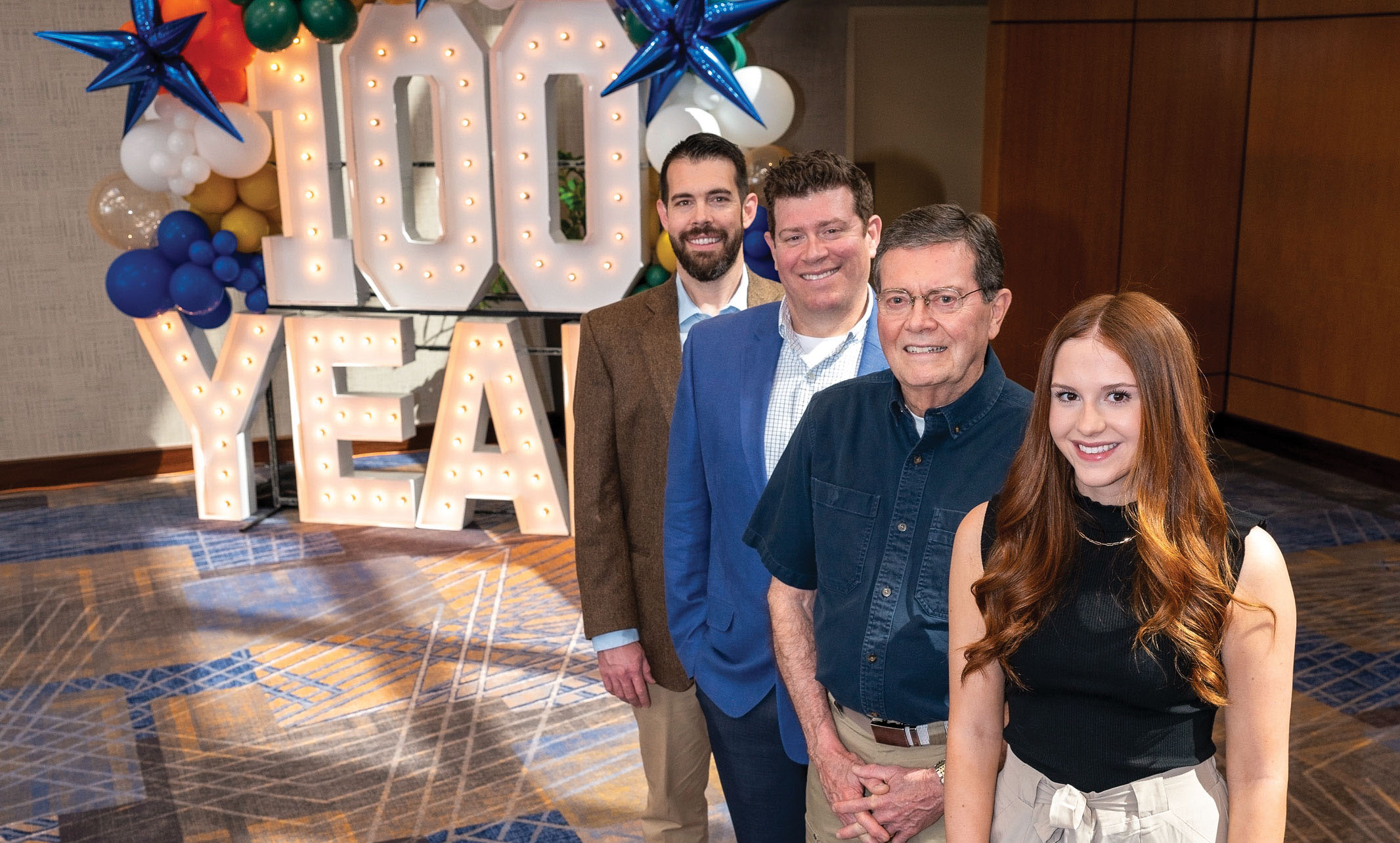
Legacy families come together for centennial celebration
This year at the Midwest Dental Conference, the UMKC School of Dentistry celebrated 100 years of gathering for an annual alumni meeting. For some alumni, their first experience at the conference wasn’t as a dentist, or even as a dental student – but instead, as a kid, tagging along with their parents or grandparents. Those childhood family trips to MDC are often just the beginning of a deep connection with the School of Dentistry that the school’s alumni share.
Mark Mosier (D.D.S. ’85) remembers attending the alumni meetings with his dad, Richard Mosier (D.D.S. ’54), and grandfather, Harry Mosier (D.D.S. 1922), in the 1970s. According to Mark, Harry was close friends with Roy Rinehart, former dean of the School of Dentistry and the namesake of the Rinehart Foundation. Harry liked to tell a story about an alumni meeting in the 1930s where the two friends and their wives were seated together at the banquet. It was a table for six people, but it was just the four of them. Harry looked around and noticed another couple sitting by themselves, while everyone else was cliqued up, lost in their own worlds, catching up with their buddies.
“My grandfather and Dean Rinehart were not the kind of people to ignore others,” Mosier said. “They were very inclusive and social.”
The two men went over and introduced themselves to Albert and Ruth Mizzy, who had traveled to the conference from New York City. They later learned the Mizzys owned a dental supply company that would later become the worldwide manufacturer of medical and dental supplies, Mizzy, Inc. Harry and Roy insisted the couple join their table. The new group quickly formed a close connection.
“They all became great friends,” Mosier said. “The Mizzys would come visit for the holidays, they’d go hunting together. And they came back to that meeting year after year.”
Mark Mosier started attending MDC when he was just five years old. Now 65, this year’s meeting is a special one for him. He attended with his niece Kiralyn Mosier, who graduated from the School of Dentistry in May.
“Kiralyn will be the fourth generation Mosier graduating from UMKC,” Mark Mosier said. “I am so proud she is continuing the legacy we have. We’re all very excited.”
The Samples are another legacy family that had a strong turnout for this year’s MDC. Kyle Samples (D.D.S. ’11) and his brother, Stuart Samples (D.D.S. ’07), are partners at McCoy Samples Mattingly Dental Clinic in Carrolton, Missouri. The two have been attending MDC with their dad, James Samples (D.D.S. ’71), for as long as they can remember.
“I remember going when I was six years old, hanging out with the kids of Dad’s alumni buddies,” said Kyle Samples. “Now, my kids love doing that too. They look forward to it all year.”
This year, another generation joined the mix as Stuart’s daughter, Emily Samples, attended MDC with him. Now a sophomore at the University of Missouri, Emily plans to apply to dental school after undergrad. Kyle’s wife, Krystal, and their two children also made the drive down to Kansas City, making this year’s conference a little bit of a family vacation.
“In 50-plus years, I’ve only missed one (MDC), when I was serving in the military,” James Samples said. “I love having my boys with me at the meetings. It’s wonderful. I’m so proud of them.”
James remembers the earlier years he attended the conference fondly. He and his classmates would compare notes on the continuing education each day, trade clinical stories and share memories about dental faculty. According to James, his classmates would go out on the town, but he and his wife Maggie would forgo the partying to have a quiet dinner with other married classmates.
“It’s about reconnecting with special friends,” James said, “and shooting the bull.”
Technically, the name Midwest Dental Conference was adopted in 1994. But UMKC alumni have connected over oral health education and comraderie since at least 1923, when the UMKC Dental Alumni Association first met. The Dental Hygienists’ Alumni Association eventually joined the conference in the years that followed.
This year’s conference, held April 13–16, celebrated those 100 years of meetings by welcoming 2,500 attendees and exhibitors to the heart of Kansas City. Presented by the UMKC Dental and Dental Hygienist’s Alumni Associations, the conference featured nearly 40 lectures and hands-on sessions across two Crown Center hotels.
The enthusiastic screams of alumni could be heard across the Sheraton lobby as old classmates greeted each other. By the class composite displays, friends hugged and laughed over photos from their college days. Alumni agree that the way the event brings people together is one of the reasons it’s so special and has had such a long tenure.
Current students also took part in the conference, as they do each year. In the exhibit hall, fourth-year dental students presented their research during table clinics. Mosier remembers that time in his life fondly. He earned first place when he was in school, and later went on to judge the competition.
On Friday, the exhibit hall opened to attendees, and more than 90 companies displayed cutting-edge oral health technology and services. It’s a particular highlight for Stuart Samples.
“I always end up getting some new equipment,” he said. “It’s great because we’ve gotten to know a lot of the reps, and it’s fun to see them as well.”
The opportunities to connect are plentiful, with the UMKC Dental Hygienists’ Alumni Association Celebration Luncheon, Recent Grad Party, Orthodontic Meeting and more. This year, the Samples were particularly excited for the Pierre Fauchard Academy Regional Meeting. Kyle was inducted into the academy, while Stuart and their practice partner, David Mattingly, watched on.
While the reunions may have drawn participants to MDC, continuing education was also a big part of the weekend for the Samples. Sessions ranged from the effects of vaping to homeopathic trends and included hands-on workshops for endodontics and composite dentistry.
James Samples has long been a champion of the educational aspect of the conference. Both Kyle and Stuart call their dad the “furious note taker” of the family. They’ve even adopted their own family strategy for tackling the day.
“We’ve learned over the years that if we split up, we can each learn something and share it,” Stuart explained. “Dad always says, ‘You’ll always get that one pearl of wisdom you can take back home with you.’”
After all educational sessions and alumni celebrations were said and done, attendees traveled back home Sunday afternoon with yet another weekend’s worth of memories and a new breadth of knowledge to put into practice.
“Anytime a meeting can go on for 100 years, somebody's doing something right,” Mosier said. “I’m proud of my school. I’m proud of my family.”
Aug 25, 2023
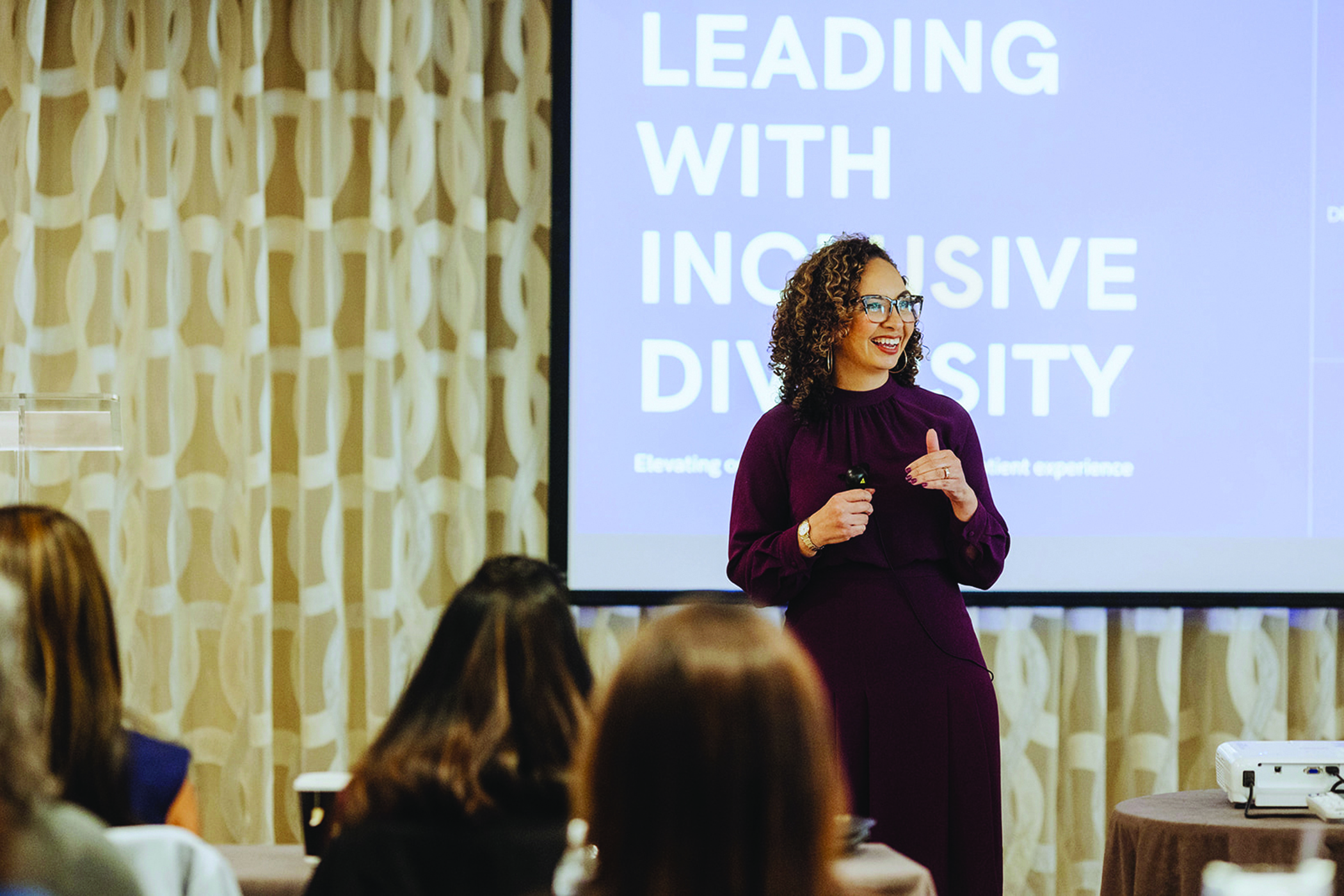
Alumni use their education to open doors beyond the dental clinic
When graduates leave the UMKC School of Dentistry, they’re ready for the rigors that come with working inside a dental clinic. But they’re also prepared for a multitude of other opportunities where they can put their degrees to work. Alumni Nathan Suter, William V. Giannobile and Laila Hishaw may have taken their knowledge in different directions, but they all share the common goal of making a lasting impact on the field of dentistry.
Suter (D.D.S. ’13) wears many hats in his dental career. As owner and clinician at Green Leaf Dental Care in House Springs, Missouri, Suter treats patients one day a week. The rest of the week is filled with his responsibilities as a small business owner, software developer, corporate executive, public health administrator and board member.
“What made me a little different than a traditional dental student was that I had a business degree coming into dental school, and that allowed me to see things differently,” Suter said. “I just like to solve problems. That's probably the biggest thing.”
Suter began his dental career in a community health center, which ignited a passion for population health and strategizing to solve big problems that affect a lot of people. Outside of Green Leaf, he’s also the chief innovation officer for Enable Dental, where he oversees technology and quality assurance for the company, which provides portable dentistry for geriatric and special needs patients across the country.
Suter believes his rotations as a UMKC dental student opened his eyes to the full range of possibilities that come with a D.D.S. degree.
“I didn’t really know there was more to dentistry than private practice until I went on my rotations, and I started really liking public health,” Suter said. “That let me zoom out from looking at dentistry as the tooth and the person attached to it, (and start looking) at an entire population.”
For Suter’s third-year research project in dental school, he worked with Delta Dental, evaluating onsite dental care for companies in terms of portable dentistry and teledentistry. Through that work, he began to see patterns of disparity in dental check-ups related to levels of education.
Michael McCunniff (D.D.S.’83), who was UMKC School of Dentistry’s department chair in Public Health and Behavioral Sciences at the time, helped Suter realize the broader public health ramifications of his research. By making dentistry more accessible through portability and teledentistry, dentists can break down some of the societal barriers to oral health care.
That research became the catalyst for Suter’s consulting work, as many dentists began reaching out to him about the different ways to utilize portable equipment and teledentistry. He also worked with Delta Dental (he is a current board member) to develop software for clinic care coordination specific to dentistry. Enable Dental would go on to acquire that software and bring him on in his current executive role.
Suter’s advice for his fellow alumni is to expand their network beyond the dental clinic.
“Have the courage to put yourself in a room where you’re the only dentist,” Suter said. “Offer yourself up, create a space to listen and see what opportunities come.”
Ivy League Alumnus
As dean of the Harvard School of Dental Medicine, William V. Giannobile (D.D.S. ’91), doesn’t get to practice dentistry much anymore, but keeping up on those skills is still a priority.
“I consider myself a clinician scientist, really trying to bring together translating discovery or basic science into the clinic,” Giannobile said. “And it’s always been important, as a clinician scientist, to continue seeing patients.”
Since his time at UMKC, Giannobile has become a leader in periodontology, with research interests in regenerative medicine, tissue engineering and precision medicine. The seeds for his prestigious research career were planted during his time at the School of Dentistry, particularly by three of the school’s former faculty: Charles Cobb, J. David Eick and George Revere. During Giannobile’s second year in dental school, they urged him to take a research opportunity with the National Institutes of Health. They explained the research would not only help him with his current degree, but could also make him a pioneer in the field of dentistry.
“I was basically the first dental student (at UMKC) to engage in a combined D.D.S. program with a Master of Science in Oral Biology,” said Giannobile. “So, my time at UMKC was certainly a transformative experience that prepared me very well for my time at Harvard University.”
After graduation from UMKC, Giannobile earned a Ph.D. in molecular biology and a certificate in periodontology, both from Harvard, where he was also a faculty member for two years. He left Harvard for the University of Michigan, where he worked from 1998 to 2020. All the while, he continued to advance his research interests. Now that he’s back at Harvard, Giannobile is excited for his future research into patient stratification for losing teeth and using artificial intelligence to identify patients at risk of developing pain after certain dental procedures.
Giannobile is grateful for every opportunity that helped create his path forward.
“When I look back, I feel blessed at how many doors have opened in my career and enabled me to do so many different things,” said Giannobile, who is from St. James, Missouri. “Growing up on the farmlands of Missouri, I never thought I would be able to travel internationally to collaborate on my work.”
Mentoring clinicians of color
A mindless scroll of her Facebook feed is what inspired Laila Hishaw (D.D.S. ’00) to start a national dentistry nonprofit, an effort she claims has rejuvenated her as a clinician.
In 2018, after 18 years in dentistry, burn out began to settle in. One night, while she was scrolling through Facebook posts, she saw a statistic on the racial disparities in oral health. As a Black woman, she felt compelled to do something. She started with her own social media post, just asking if anyone she knew had a child who needed mentorship in dentistry. That one post kicked off a broader conversation among her dental friend group. Hishaw found that many other dentists were interested in mentoring, and there were quite a few parents seeking mentors for their kids. So she created a Facebook group that became a space for parents and students to connect and ask questions with real dentists on topics such as interviewing at a particular school or navigating the application process.
“Once people started getting connected, they started asking about donating and whether it was a nonprofit,” Hishaw said. “Then I realized, I need to make this organized.”
She called it Diversity in Dentistry Mentorships, got the organization incorporated and formed a board of directors. The nonprofit took off from there, and now has 3,370 members and more than 100 mentees. In 2021, the group held its first in-person event for middle and high schoolers, where the students received hands-on experience in dentistry. They invited 30 students to attend the first year and 50 the following year. Although the organization is focused in Arizona for now, Hishaw’s vision is to one day have these pockets of mentorship across the country.
“Mentorship really did reignite my love and passion for dentistry,” Hishaw said. “When you’re talking to mentees, it reminds you of why you (chose dentistry) in the first place.”
Hishaw is proud of the programs and the mentors that helped her get where she is today. Before she was a student at the School of Dentistry, she took part in the Summer Scholars program at the school, now called the STAHR program, which stands for Students Training in Academia, Health and Research. She used her experience with STAHR to help guide her while she was organizing her non-profit’s Youth Summit.
“In STAHR, we had experience with impressions, learning vocabulary and instrumentation,” Hishaw said. “We’re mirroring that, giving our students the same hands-on learning and giving them the realization that they too could be a dentist.”
Many of Hishaw’s former UMKC classmates are now a part of Diversity in Dentistry Mentorships, and some of her own mentors are still at UMKC, including John Cottrell, the school’s director of minority and special programs. While she was a student at UMKC, Hishaw said she was in Cottrell’s office probably every other week. He’s been a sounding board for many of the ideas she has surrounding her nonprofit.
While Hishaw is still a practicing pediatric dentist with multiple locations around Tucson, she acknowledges it’s her passion outside the dental office that’s kept her going.
“This helped me find true joy beyond the four walls of my practice,” Hishaw said. “Our identities as dentists are tied so tightly to being a practice owner, it’s so important for us, as dentists, to have hobbies and outside interests.”
Aug 25, 2023
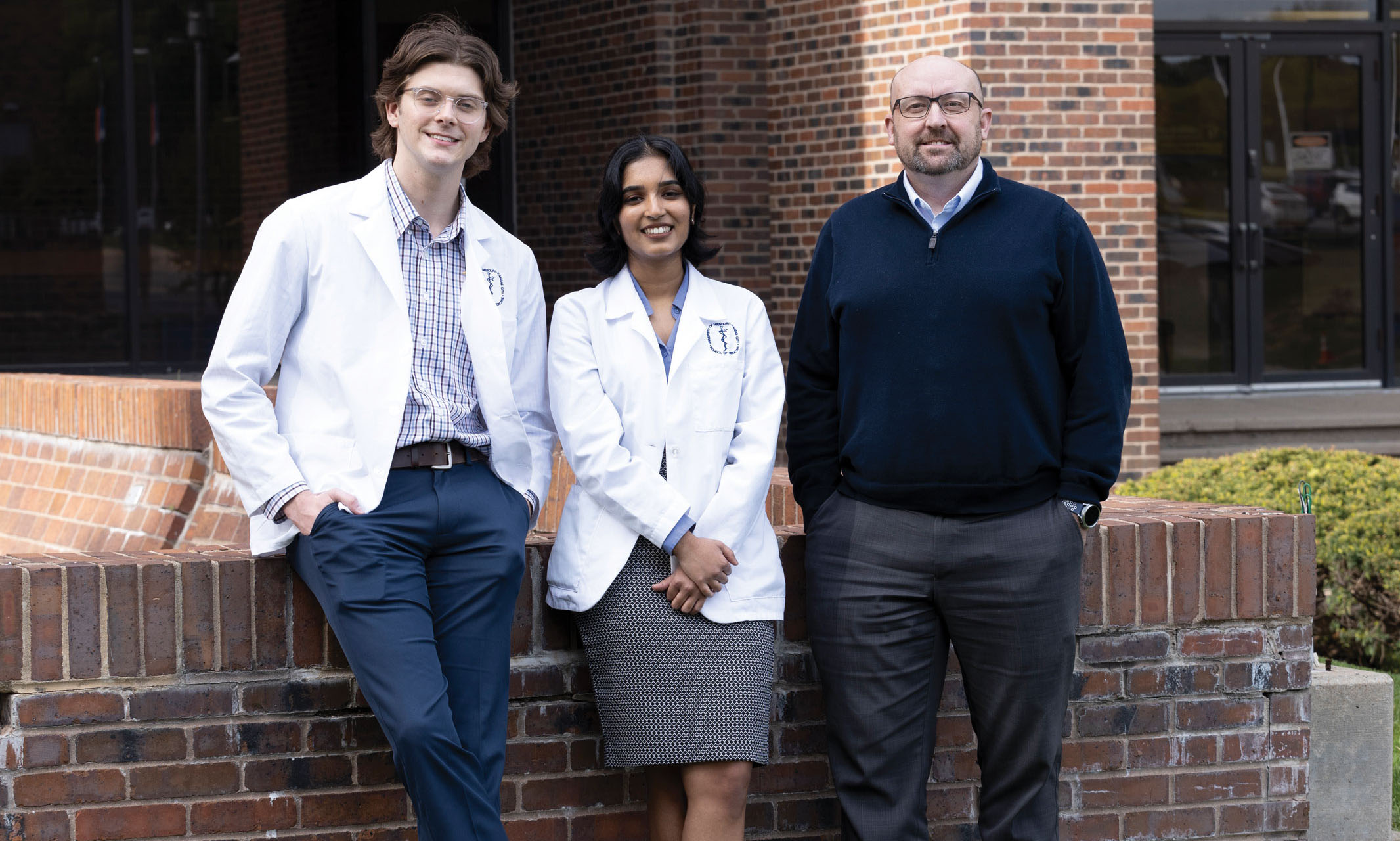
UMKC medical students continue school’s tradition of earning prestigious NIH research fellowships
As the pace of medical research continues to escalate, the UMKC School of Medicine has kept up, placing students nearly every year in the past decade in distinguished National Institutes of Health (NIH) programs.
Again this year, two UMKC School of Medicine students have been accepted to the yearlong NIH Medical Research Scholars Program. The highly respected program is also quite competitive, as only 40 to 50 students are chosen from accredited institutions across the U.S. and Canada for this rare opportunity to train at the largest biomedical research facility in the world.
“These programs help shape the futures of our medical students and make them highly competitive for the best residencies in the nation,” said Michael Wacker, Ph.D., associate dean of academic affairs. “Students returning from these programs are also more highly trained in research, which is valuable for faculty working with them on projects.”
This year’s fellows from UMKC will begin their NIH program this summer. Both share a passion for healing and helping others.
Manasa Gadiraju plans to be a cardiothoracic surgeon and pursue research aligned with her specialty.
“I like that medicine combines science with interpersonal relationships to improve people’s lives,” said Gadiraju, who will graduate in 2025. “As a doctor, I want to be a leader in my field, work with a team and provide a constant source of support for my patients.”
The NIH program can open doors of opportunity that speak to Gadiraju’s and other fellows’ dreams and aspirations.
“I’d love to do something involving translational therapies for congenital heart conditions and work with stem cells,” Gadiraju said. “The (program) is a perfect complement to my overall career goals. At the NIH, our mentors are physician-scientists, so we learn from the best. This fellowship will be a crucial step in preparing me for my career.”
UMKC’s other Medical Research Scholars Program fellow, Jacob Tribble, also will graduate in 2025.
“My interest in medicine stemmed from biomedical classes in high school,” said Tribble. “I loved math and science and knew human connections would be an important part of my future career. The ability to help people is an amazing privilege and responsibility.”
With plans to eventually work as a physician-scientist at an academic institution, Tribble looks forward to the spectrum of possibilities offered by the NIH. He’ll spend much of his time this summer in their Division of Cancer Epidemiology and Genetics, where he’ll be researching cancer in immunocompromised people and those living with HIV.
“Research and teaching are both aspects of medicine I love and want in my future,” Tribble said. “One aspect of the program that attracted me was that they offer free classes through the FAES (Foundation for Advanced Education in Sciences) graduate school. These courses range from covering applications of artificial intelligence to advanced cancer biology and the neuroscience of addiction.”
Student Research Programs
In 2014, the UMKC School of Medicine launched an initiative to introduce an array of research opportunities to its students. This initiative began as a conversation between then-dean, Steven Kanter, M.D., and Wacker.
“Our students have always looked for unique and challenging opportunities to learn and train,” Wacker said. “We formed a research group, created a webpage and mentored students who participated in these year-long and summer research programs.”
In that inaugural year, only a few students applied. Since then, the number of accepted applicants has increased exponentially.
During the past nine years, more than 100 UMKC medical school students have participated in nearly three dozen research programs with universities and medical organizations around the world. Nearly 40 of these have been NIH programs, including its Clinical Research Training Program, the Summer Internship Program in Biomedical Research and the Medical Research Scholars Program.
“Initially, students were hesitant to take a year off and extend their graduation,” Wacker said. “But as I talk with students and participants who’ve come back and shared their experiences, they realize what a difference this opportunity can make in their careers.
“Every year, I offer a seminar detailing these programs, and we help students through the application process. As our participation increases, there’s more awareness about the value of these programs, and the enthusiasm grows.”
Gadiraju’s enthusiasm reflects that of her fellow NIH program participants.
“I’m so excited to spend a year improving my research skills at the NIH,” she said. “I applied to this program because I want to learn to think more scientifically, create and implement study designs and gain hands-on experience working with some of the best scientists in the world.”
Tribble shares Gadiraju’s excitement.
“I applied to this program because research is a career goal, and the NIH is one of the most robust research institutions in the world,” he said. “The resources and training they provide are unmatched, and living on the NIH campus with students from medical schools across the country will be a once-in-a-lifetime opportunity.”
The NIH Journey: Learn, Discover and Contribute
With an emphasis on biomedical research, NIH programs parallel the School of Medicine’s mission to improve the health and well-being of people through innovative medicine and cutting-edge biomedical science and research.
“The NIH sponsors these programs, in part, to increase the number of physician-scientists conducting research as part of their practice,” Wacker said. “Research training not only helps students become part of the process to create new knowledge but also helps them approach clinical problems with a different mindset and to practice evidence-based medicine.”
During the Medical Research Scholars Program, scholars contribute to groundbreaking solutions through a process known as bench-to-bedside treatment. This approach, in which laboratories are located near patient units, puts research scientists and students near those receiving care. Through collaboration, these teams translate scientific observations and laboratory discoveries into pioneering diagnoses and treatments.
Medical Research Scholars Program fellows receive a stipend, plus expenses, to conduct this research at the NIH main campus in Bethesda, Maryland. This transformational year also helps guide the direction of these future leaders in biomedical research. At the NIH, biomedical research includes behavioral and social sciences biology, chemistry and physics, mathematical modeling, biostatistics and other focus areas.
The program includes seminars by world-renowned researchers who teach not only the science of medicine, but the art of clinical care. Students acquire cutting-edge analytical skills and knowledge while learning from expert, supportive mentors how to lead their own investigations. Workshop topics include work-life balance, written and verbal communication and the critical evaluation of medical literature.
Achieving Goals and Making a Difference
For many participants, the Medical Research Scholar Program also presents an opportunity to define their vision for future service to community and those in need.
Yen Luu (M.D. ’23), who graduated in the spring with a specialty in dermatology, completed an NIH Medical Research Scholars Program in 2022. Experiences early in her life influenced her decision to pursue a medical career.
“When I was growing up, I volunteered with children whose family members had cancer,” she said. “I saw how physicians supported families through their most vulnerable times and created long-lasting, meaningful impacts.”
Luu’s research is focused on skin cancer risk factors among underrepresented communities, in particular those who identify as LGBTQ+. At the NIH, her project examined skin cancers in people living with HIV.
“I applied to the (program) to immerse myself in collaborative research,” said Luu, who will begin her residency at Stanford University in the fall. “The NIH was the perfect place to develop essential research skills of coding, writing and collaboration. My mentor, Dr. Michael Sargen, also sparked my love for dermato-epidemiology and reaffirmed my passion for conducting research that includes underserved communities.”
Benefits of Research Programs
During the NIH programs, research mentors guide scholars, support their work and inspire innovative discoveries. Participants also meet colleagues who become lifetime mentors and friends.
“My biggest goal during the program was to engage in a close mentorship experience, and this goal was far exceeded at the NIH,” Luu said. “I’m incredibly thankful to Dr. Sargen. He not only nurtured my career goals, but also introduced me to fantastic physician-scientists who are now also close mentors.”
Tribble looks forward to similar opportunities for collaboration and connection at the NIH.
“Team science is a concept that’s exemplified at the NIH, and this attitude of collaboration is something I hope to bring to my future practice,” he said. “I believe we’re at our best when we work with one another and take everyone’s thoughts into account. The NIH has created a healthy environment where this is encouraged, and the researchers and mentors I’ve interacted with there are amazing people.”
Wacker believes student research programs deliver positive, far-reaching outcomes for participants, the School of Medicine, the university—and the people UMKC students and graduates care for and serve.
“Ultimately, these students will go on to make significant contributions to the way health care is practiced, and this benefits our entire community.”
Aug 25, 2023
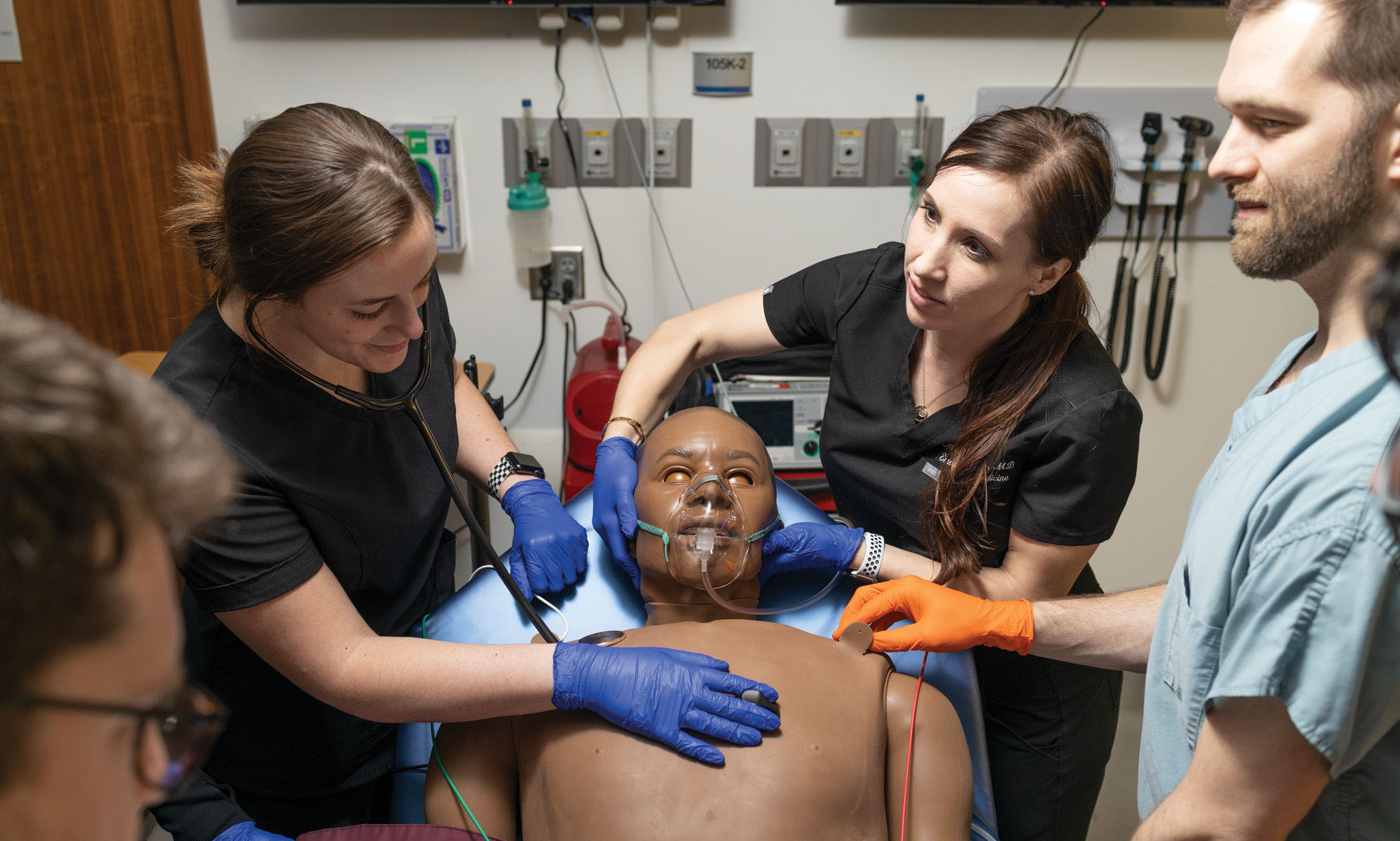
Simulation training is a growing and expected part of medical education and UMKC has plans to expand their program
Emily Hillman was a fifth-year medical student, still deciding which direction her career as a physician would take, when she walked into the School of Medicine’s simulation lab for the first time.
Long recognized for delivering a cutting-edge curriculum, the UMKC School of Medicine opened its Clinical Training Facility and the Youngblood Medical Skills Laboratory in the basement in 2007 with a small assortment of full-body manikin simulators and specialized models called “task trainers,” designed to teach and practice skills.Hillman (M.D. ’08), returned to the lab repeatedly throughout her final years of medical school, and throughout her emergency medicine residency, to learn procedures in a way that wasn’t possible before the evolution of simulators. “I found it so helpful and impactful learning to do things on a simulator rather than reading a textbook or listening to a lecture because it brought out my knowledge gaps,” said Hillman, an emergency medicine physician who now serves as director of simulation education at the School of Medicine. “I realized I thought I knew something, but actually doing it was different.”Today, the school is looking forward to a new $120 million Healthcare Delivery and Innovation Building planned for the UMKC Health Sciences Campus. The building will provide additional classroom space and state-of-the-art educational facilities, including more simulation labs, which school leaders say will lead to better training for students and better care for the community.Before simulation training, medical students learned by reading textbooks, examining and working with static plastic models and watching others perform procedures before they practiced on real patients. At the School of Medicine, students often prepared for exams by flooding the school’s second-floor media center, a large room filled with skeletons, an assortment of plastic model body parts and rows of monitors on which they could view videos describing everything from human anatomy to specific medical procedures. Hillman said today’s students come in with the expectation simulation training will be an essential part of their education. “That was not the case in the past because it was new and novel. It was an emerging thing,” Hillman said. “The available technologies today have changed and improved their realism.”Manikins and task trainers used today mimic the human anatomy and physiology and perform with such realism that not only can they talk and move, but they can go so far as to bleed, vomit and even give birth. With life-like skin, they allow learners to practice skills in real time, such as inserting breathing tubes and using catheters to actually remove fluids.Ashraf Gohar, M.D., an associate professor of medicine, is assistant program director of the pulmonary/critical care fellowship. He has utilized the clinical training facility for the past 10 years, teaching medical students and residents.“Every program today, if they don’t have a skills lab, they’re developing one,” he said. “And if they do have one, they’re expanding it.”Such is the case with the School of Medicine’s Clinical Training Facility. Today, the facility has moved out of the basement. Taking up a suite in a building across the street from the medical school, the facility has two classrooms, four examination rooms with exam tables and diagnostic tools and three patient care bays that can be set up as emergency department or intensive care bays.Last year, the school’s second-floor media center was remodeled to house a new Experiential Learning Center, a 30-seat hybrid simulation/classroom space that serves as an extension of the simulation lab across the street. And the growth doesn’t end there. In addition to the current simulation facilities, the Healthcare Delivery and Innovation Building is expected to provide training space that will nearly triple the Clinical Training Facility’s footprint on the Health Sciences Campus. “For the volume of simulations we do, the size of the team and the space we operate in is small,” Hillman said. “The plus side of that is that we’ve had to do a great job of being creative with our resources and with solutions to those challenges. We do need the physical space that allows us to optimize the way these simulation events are meant to run.”Current scheduling for faculty who want to use the Clinical Training Facility is a minimum of two weeks out, said Garren Fraser, assistant director of administration for the center.With the increased use of the training center, Fraser and his staff now require instructors to submit a complete learning plan outlining goals and objectives for the students.“Our goal is that you give us your teaching plan and we’ll give you the tools to teach it,” Fraser said. “We want to get as close to clinical (reality) as possible.”An entire simulation suite in the new building will help meet that goal. A dedicated room for procedure training will also have equipment that allows for distance learning, so an instructor can connect from another campus to conduct training of procedures. A full-scale operating room will allow for different virtual simulations. A high-fidelity simulation room will be designed to meet today’s best practice standards. There will be additional office and storage space as well.The biggest positive to come out of the new space may be the addition of 14 new exam rooms, more than triple the number of rooms currently available for the school’s standardized patient program.Standardized patients are actors hired by the school to portray patients in a clinical exam setting or family members during virtual training sessions. They allow students to practice basic examination and communication skills. Standardized patients are also trained to help assess, and in some instances, correct simple mistakes students make while they are learning to conduct basic examinations, something Hillman said sets the UMKC standardized patient program apart from others.As part of their training, a new class of medical students is required each year to examine four standardized patients for 30 minutes each. That requirement, which is part of the students’ mid-term exams, takes a full week to complete for an entire class of up to 130 students with the spaces currently available. In the new Experiential Learning Center, the standardized patient program also provides students with after-hours opportunities to meet with standardized patients and spend more time practicing their basic physical exam skills. “We need a space that delivers the best environment for our student learners and our standardized patients,” Hillman said. “Instead of a student reading a textbook after hours to prepare for an exam, they’re meeting with a standardized patient. It’s all about having a flexible learning model for students who learn in different ways. We look at how we can adapt simulation for that.”The key to simulation training, she said, is to remember that the patient isn’t the focus.“In simulation, the learner is the focus,” she said. “They’re free to air their mistakes or things they don’t understand because they’re not endangering a real patient.”There are, however, times when a simulation event can become a very lifelike and stressful experience.Ameen Awad, a sixth-year medical student, has been through several simulation events and experienced both the comfort of learning in a safe environment and the pressure of a high-stress situation.“You can be working on the manikin, looking at the heart monitor and all of a sudden, it flat lines and you have to do something immediately,” Awad said. “You have to figure out, ‘What are we going to do? What are we going to inject them with? Are we going to start compressions?’ That is stressful, but it’s also good practice because in the real world, seconds are precious.” Gohar brings a new group of medical students and residents to the Clinical Training Facility about every six weeks.On a recent spring day, a class of nearly 20 medical students gathered for comprehensive skills training in thoracentesis and paracentesis, procedures in which a long catheter is inserted through the patient’s back or chest to obtain a body fluid sample. Having already watched a recorded video of the procedures, the students line up to perform the procedures on one of two task trainers.“They come here to practice the hands-on part before they start working on the real person,” Gohar said. “This is important because they make mistakes, they learn from their mistakes. After a certain number of procedures, everyone will get more comfortable.”As the school’s simulation program continues to grow, Hillman said, the goal is for the Clinical Training Facility to become an accredited simulation center through the Society for Simulation in Healthcare within the next five years. Accreditation proves a simulation center has established the processes, procedures and oversight that are best practice, Hillman said.“We believe that process is going to ensure we’re following best practices,” she said. “We’ve been doing things program-wise to set the stage for that in a way that may not be apparent to the learners but is very apparent to people who ask to use our center now.” Today’s simulation training is a high yield learning experience, Hillman said. For that reason, it’s now embedded in the school’s curriculum, which includes the school’s Physician Assistant and Anesthesiologist Assistant programs as well.“It's an expectation now as a medical school that we provide simulated experiences,” Hillman said. “Students can encounter different problems (in simulations) that they wouldn’t in the clinic. You can’t guarantee every student is going to see every patient problem. But you can with simulation.”
Aug 24, 2023
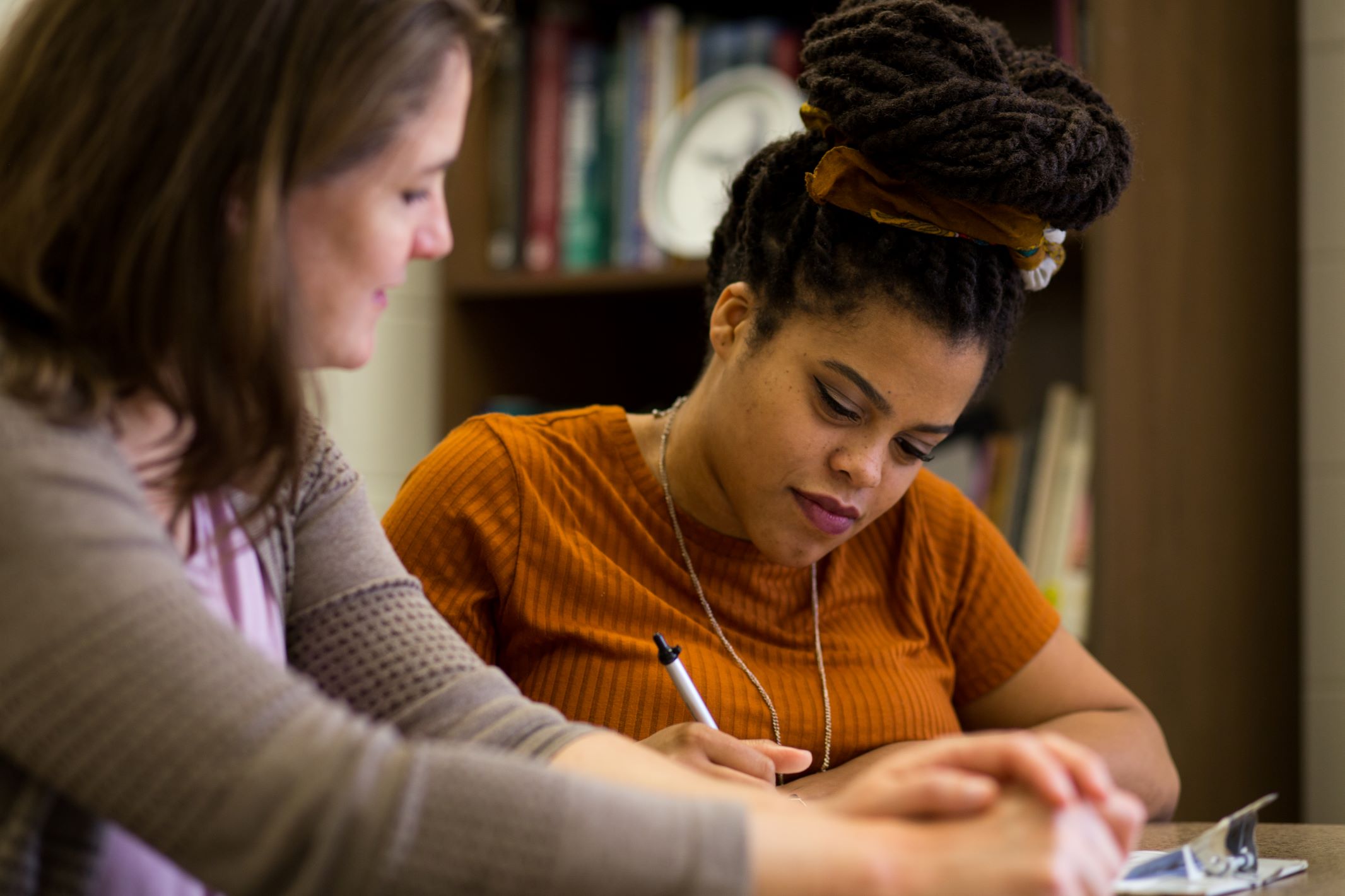
From summer camps to assisted living facilities, department helps students find the right fit
The UMKC psychology program is committed to identifying internships for its undergraduate students. The results of the students’ experiences are stronger skills, clearer understanding of the profession and possible job offers.
Angel Williams is a senior who decided to be a counselor based on the prevalence of mental health issues.
“I just decided that if people need help, I should be a person that they can look to. That way they can lean on me with the problems that they may have."
At Jumpstart, an outcome-based program that promotes children’s school success and builds family engagement, Williams worked two days a week developing lesson plans, conducting reading activities and providing lessons to expand vocabulary.
The internship gave Williams perspective on how broad the field of psychology is, as well as the diversity of the audience.
“I want to work with young adults, but my internship gave me the experience of putting myself in someone else’s shoes. It helped me realize where other people are coming from even better.”
Growing up, school was a place that Yami Blas, a senior in psychology, felt secure and supported.
“My teachers and counselor instilled a deep appreciation for the work that they do. Their influence encouraged me to pursue a career in an educational setting. My internship at Campfire made my interest in school counseling become clearer.”
During her internship, she went to two schools and worked with diverse groups of students.
“We taught them conflict resolution and emotional regulation skills,” Blas says. “I created lesson plans that would outline ways to resolve conflicts that students may have faced, but we made these activities so students would have fun while learning.”
Blas plans to earn her master's degree in counseling with an emphasis on school counseling.
“At Campfire I interacted with school counselors, which provided invaluable insights into their roles and responsibilities. Their insights instilled a sense of confidence in my career choice.”
After graduation, Blas plans to be a school counselor within her community.
“I am well aware of the pressing need for increased representation of Latine professionals in mental health and education. I want to make a meaningful impact and contribute to fostering inclusive and equitable support systems for all students!”
Sarah Welte, (B.A., 23) psychology major with a minor in race, ethnic and gender studies, is an academy director at Rockhill Manor thanks to her internship through UMKC.
Welte was hesitant about her internship with Rockhill Manor, an assisted living campus for adults with a chronic mental illness, because she was concerned that it may be too focused on the nursing side of health care, rather than the mental health side, which interested her more.
“Dr. (Kym) Bennett encouraged me to try it because she thought I might like it. I’m very thankful for her patience and for motivating me to give it a shot!”
Rockhill Academy is a non-profit organization run by Rockhill Manor that offers classes focusing on life skills, educational opportunities and community engagement for their residents.
“I help design and facilitate these classes, including Mental Health Awareness, and organizing trips to Starlight Theater,” Welte says. “In addition, I am in charge of facilitating the internship program we have with UMKC.”
“The best case scenario is that students get into the internship, and they love the time working one-on-one with people. If they don’t, we can course correct.” - Kym Bennett
Welte says working at Rockhill has been the perfect job for her after graduation.
“It allowed me to shift into the psychology field in a place where I was already comfortable because I had had months of exposure to the place and the residents before I began working here. Now I get to continue to work with residents that I had already formed relationships with, providing them a continuance of classes and opportunities that will hopefully enhance their lives.
Kym Bennett, Ph.D., director, Undergraduate Psychology Program and Mentoring Office helped each student secure an internship. She and Ricardo Marte, Ph.D., associate clinical professor, maintain a list of sites that provide opportunities for meaningful experiences, but they can identify other sites if a student has a specific interest. It’s important to them that the internship is a good fit.
“The best case scenario is that students get into the internship, and they love the time working one-on-one with people,” Bennett says. “If they don’t, we can course correct.”
She says seeing a student take a job at an internship placement is energizing.
“It’s one of the best parts of the job to see our students complete their degree and begin down the path of helping others. There’s no better feeling.”
Aug 18, 2023
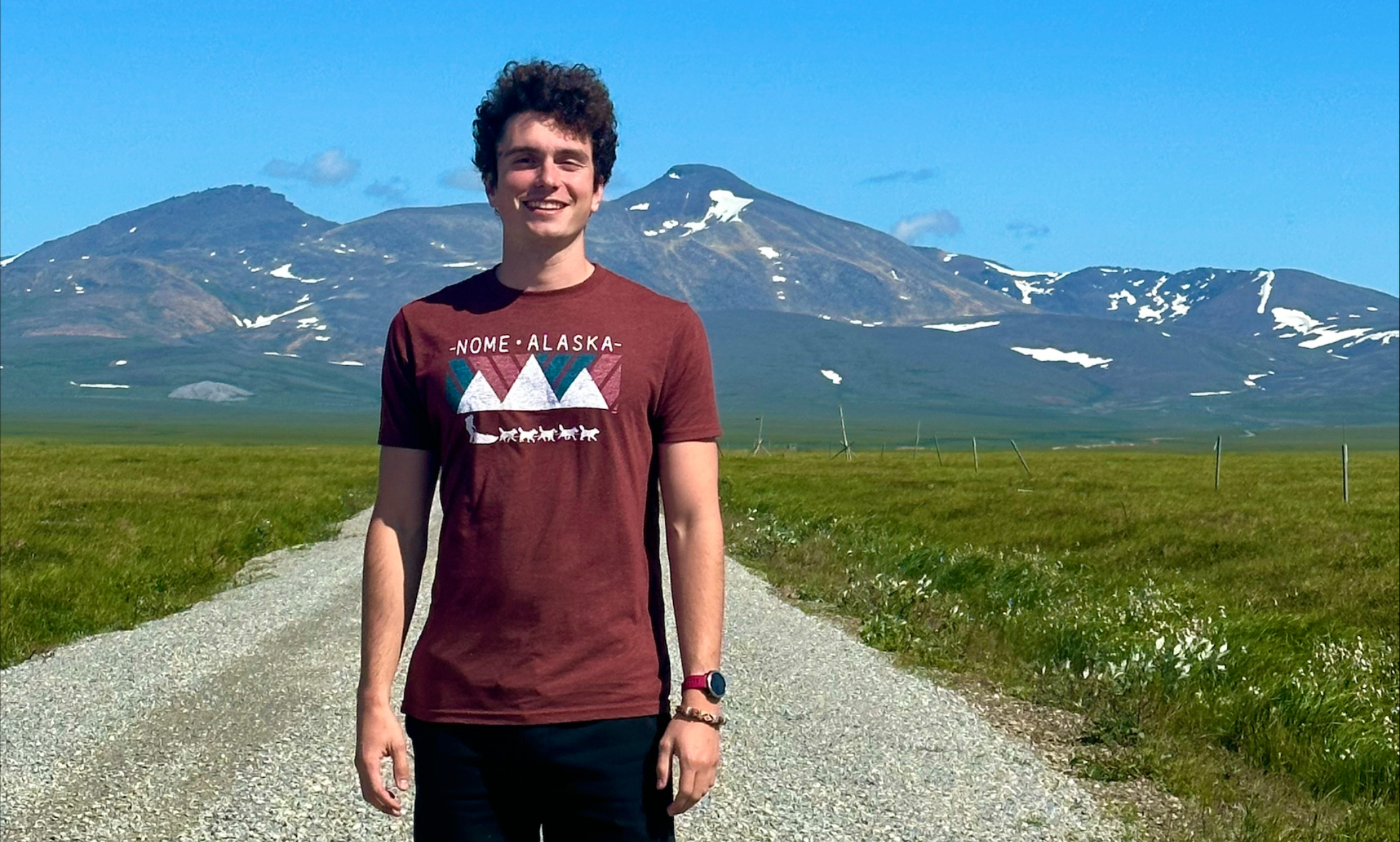
Caleb Feuerbacher completed monthlong psychiatric rotation in remote Alaska
Roos don't just dream, they do. Our students turn ideas into action every day. Get to know our people, and you'll know what UMKC is all about.
Caleb FeuerbacherAnticipated graduation year: 2025UMKC degree program: BA/MD, School of MedicineHometown: Maryville, Missouri
It took persistence, and Google Maps, for med student Caleb Feuerbacher to find the ideal place for a monthlong psychiatry rotation.
Norton Sound Health Corporation in Nome, Alaska, isn’t easy to spot from the lower 48. But it was a magnet for Feuerbacher, who has long dreamed of seeing the more remote regions of the world.
With three psychiatric rotations in easier-to-reach locations already on his resume, he decided in early 2023 it was time to go long.
“I just started clicking on hospitals that showed up on Google Maps in remote areas of Alaska,” he said. He found Norton Sound in Nome, went to the website and discovered that they already had a medical student rotation program established with Tulane University. The website included a name and phone number for a contact person for the program. He picked up the phone and called.
“The man said, ‘We’re having a Zoom meeting tomorrow with applicants from Tulane. Want to join?’ And I did.”
On June 23, he stepped off the plane and into another world. For the first two weeks, the sun never set.
“The culture is rooted in subsistence hunting,” he said. “The people are all super nice and friendly. They were always inviting me into their homes.” He spent a lot of his free time exploring and sightseeing in the tundra and mountains.
He also encountered professional challenges.
“According to the CDC, the suicide rate in Alaska is about 1.5 times that of Missouri,” Feuerbacher said. “I don’t think the issue is as simple as remoteness or weather. There’s been a lot of challenges for Native Americans and Alaska Natives with European colonists from the very beginning. Many challenges continue to exist today.”
His thinking is influenced by more than just a month in Alaska. He spent an earlier rotation in a place much closer to Kansas City, but almost as remote: White Cloud, Kansas, population 115, in the reservation of the Iowa Tribe of Kansas and Nebraska, where he dealt with similar issues.
“I think it is really important for medical students, or really anyone, to learn more about native Americans and Alaska natives, to see things from their perspective.”
“I really like the extremities of the world. I like to explore things that few people in the world have seen, see how other people live. I want to experience other cultures, other lifestyles.” — Caleb Feuerbacher
What’s next for Feuerbacher? He will spend the 2023-2024 academic year at Harvard pursuing a master’s degree in public health, then return to UMKC for the final year of medical school. Then a residency, and eventually a psychiatric practice.
Just where that will be remains to be seen. Utqiagvik, Alaska (formerly Barrow), one of the northernmost towns on the planet, is on his bucket list. He’s also eager to visit U.S. territories in the Pacific, such as Guam and the Northern Marianas.
“I really like the extremities of the world,” Feuerbacher said. “I like to explore things that few people in the world have seen, see how other people live. I want to experience other cultures, other lifestyles.”
“I think it’s really important to see how medicine is practiced in different areas of the United States,” he added. “I believe it helps you understand on a deeper level the issues you’ll be dealing with in your practice.”
Why did you choose UMKC?
I visited it as a high school student. It had a great campus and was close to home, along with the program I wanted and great support.
Why did you choose your field of study?
The six-year BA/MD program was perfect for me as it was in-state and gave me admission into a great medical school.
What are the benefits of the program?
Getting your M.D. and undergrad degree in only six years, with lower cost than most other medical schools for in-state students. The students here are awesome, and I’ve met a lot of friends on campus. I also like the flexibility on choosing away rotations.
Who do you admire most at UMKC?
Dr. Wacker (Michael Wacker, Ph.D., associate professor and associate dean - Academic Affairs, vice-chair, Biomedical Science) has been an amazing role model and person to seek guidance from, especially for rural/away rotations.
Do you have any scholarships?
I am on an athletic scholarship for NCAA Division I cross country. I ran competitively here at UMKC for three years with my last season being this past fall, and was UMKC’s third-fastest cross country runner this year at conference.
What’s your favorite social media channel?
Geowizard on Youtube. He’s a funny personality and has lots of cool videos about challenges where he walks across countries in straight lines and loves geography, which I love as well.
What’s your favorite spot on campus?
Bloch Executive Hall; there are lots of little places to explore in that building.
Aug 17, 2023
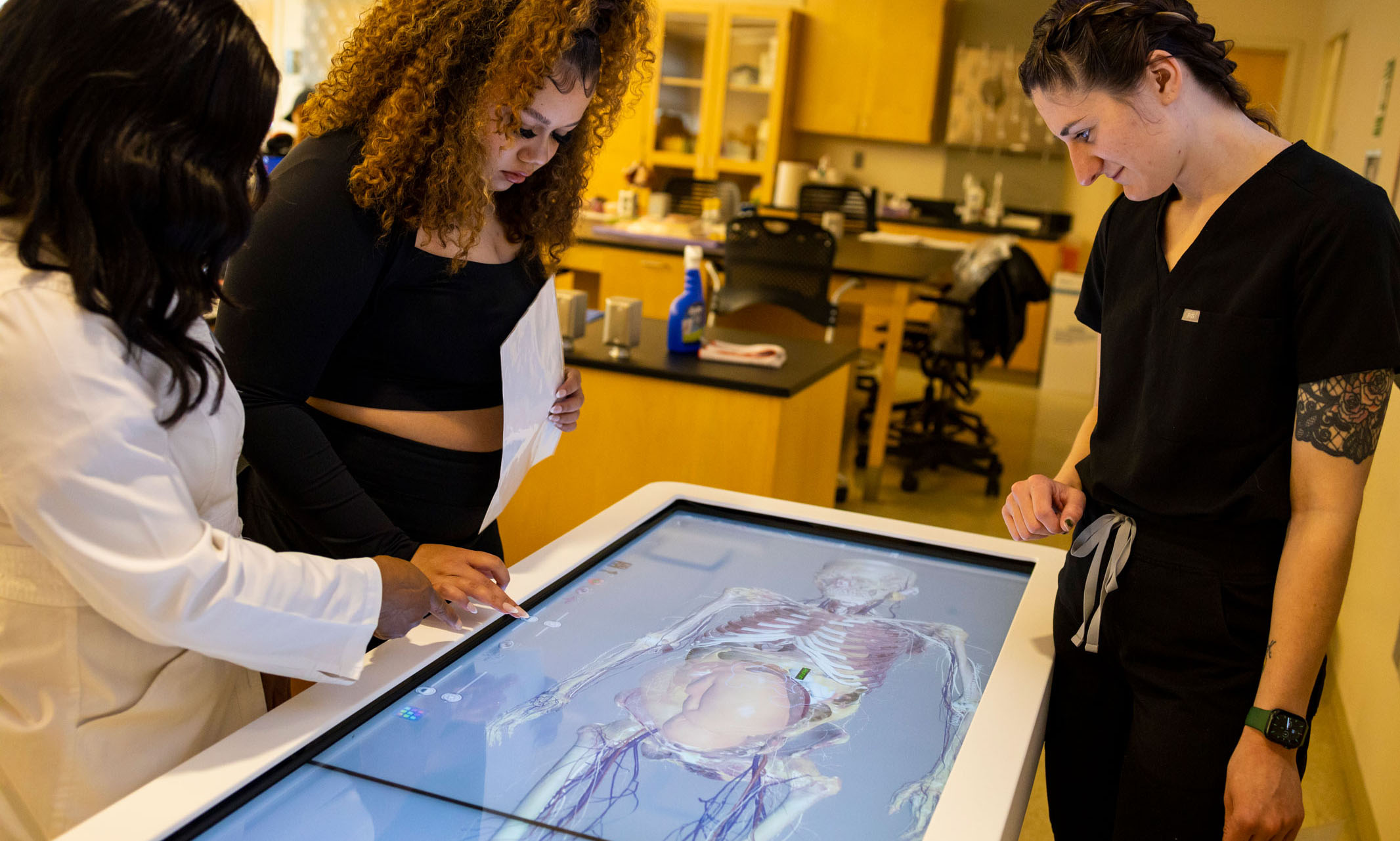
Virtual anatomy table takes the gross out of anatomy
The Anatomage Table, a 3D anatomy visualization and virtual dissection tool, is about the size and height of a traditional hospital bed.
The top of the table features two integrated touch-screen glass monitors connected to a powerful computer housed in the base of the machine. At first glance, the screens look like any other computer interface, except the screen spans 7 feet.
The school acquired the table in the fall of 2019 through a state technology grant. Trainings were delayed because of the COVID-19 pandemic, and the school was able to start using the table in the Fall of 2021.
Shelley Hunter, Ph.D., a clinical assistant professor who teaches anatomy and physiology, is the resident expert on the inner workings of the impressive piece of technology. She said that even though Anatomage provided extensive training for faculty and staff, the technology was still daunting at first.
“At first I was really intimidated because the table is enormous, and it can do so many things,” Hunter said. “The students, though, are immediately comfortable with it. They just walk right up, and it doesn’t bother them since they were born into this age of technology.”
According to Hunter, the table presents a more “cleaned-up version” of the human body than students would experience in a traditional cadaver lab. With the Anatomage Table, if a student wants to see behind the kidneys, they just digitally move the organs out of the way. With a cadaver, those same kidneys would need to be removed by hand with considerable effort. For Hunter, the capabilities of the virtual anatomy table far outweigh the lack of tactile sensation that traditional dissection involves.
“For the cardiovascular unit we were studying, we pulled up the heart and it pulled up an EKG,” Hunter said. “Right beside it, and we could see the muscles, we could see the nervous system and the valves working while the ECG was going on and the students can relate the electrical with the mechanical.”
School of Nursing and Health Studies Dean Joy Roberts believes that UMKC is the only university in the Kansas City area offering this technology to its students. Roberts also knows first-hand that other area schools are interested in the table.
“I was on the board for North Kansas City School District. They called and said, ‘We hear you have this new machine and it’s really cool,’” Roberts said. “Leadership came to UMKC to check it out. They were so impressed they got one for the district, and plan to have them at all four of the North Kansas City high schools.”
Although the table itself is expensive, it’s still much cheaper than a cadaver lab.
“To operate a cadaver lab, you have to get people to donate their bodies,” Roberts said. “Then you have to store the cadavers, preserve them in formaldehyde and keep them secure. This table gives us access to cadavers without the terrible smell of formaldehyde burning our eyes.”
The school received the funding for the $80,000 table from a grant through the Nursing Education Incentive Program with the Missouri State Board of Nursing. According to Roberts, having access to cadavers, even if virtually, makes a world of difference for the students, providing them with more than a the traditional plastic model or picture in a book. For Roberts, those tried-and-true learning tools will always be useful, but the Anatomage Table provides a more complete picture.
Take, for example, the voice box. Hunter can zero in on that organ and remove related systems, such as circulatory or nervous systems, providing an unencumbered view of what students are focusing on for that particular lesson. The machine shines when Hunter takes a clear view of the voice box and rotates the entire organ.
The ability to do this is critical, because the muscles associated with the voice box are hidden behind the organ itself. Hunter can then show students the muscles that support the throat, the bone and cartilage, the Adam’s apple and the epiglottis, the flap that covers the windpipe. That full understanding is important for future nurses and their patients.
“Because most nurses will have to intubate a patient, we look at those muscles that control the opening and closing of that flap,” Hunter said. “We talk about what happens if any of these things are compromised. If the nerves or muscles aren’t functioning properly, the patient can die because there’s no way for air to get through.”
Hunter’s anatomy and physiology classes are comprised of pre-nursing students and health studies students. Classes consist of 20-35 students each, and Hunter has groups of five working at the table at one time. On any given review day, students can be found studying a unit, such as the cardiovascular system, watching the entire system work in real-time. Other groups quiz each other on terminology as they wait their turn at the table, where they’ll see a fuller picture of how circulation works.
Ashley Hanners is pursuing her bachelor’s degree in health studies, and she spent the past two semesters in Hunter’s class working with the Anatomage Table. Hanners came into the class from high school with some experience in dissection, which she said was helpful in working with table. There was one crucial difference between the virtual anatomy table and the mouse she dissected, however: the odor.
“The smell of chemicals and decomposition were potent,” Hanners said. “It made a lot of my high school classmates nauseous.”
Instead, Hanners appreciates that the table removed that distraction and enabled her to focus on diving deep into anatomy. She said that each person within her small group got better at identifying organs and systems, as well as dissecting and reconstructing those systems.
During a class in which Hunter reviewed the reproductive system, she showed students how uncomfortable pregnancy can be for expectant mothers. The students saw first-hand the pressure the baby puts on the surrounding organs, an exercise that elicited a variety of reactions from the students, including, “This is so cool,” “That is kind of scary,” and “You can see the baby’s heart beating!”
Aug 16, 2023
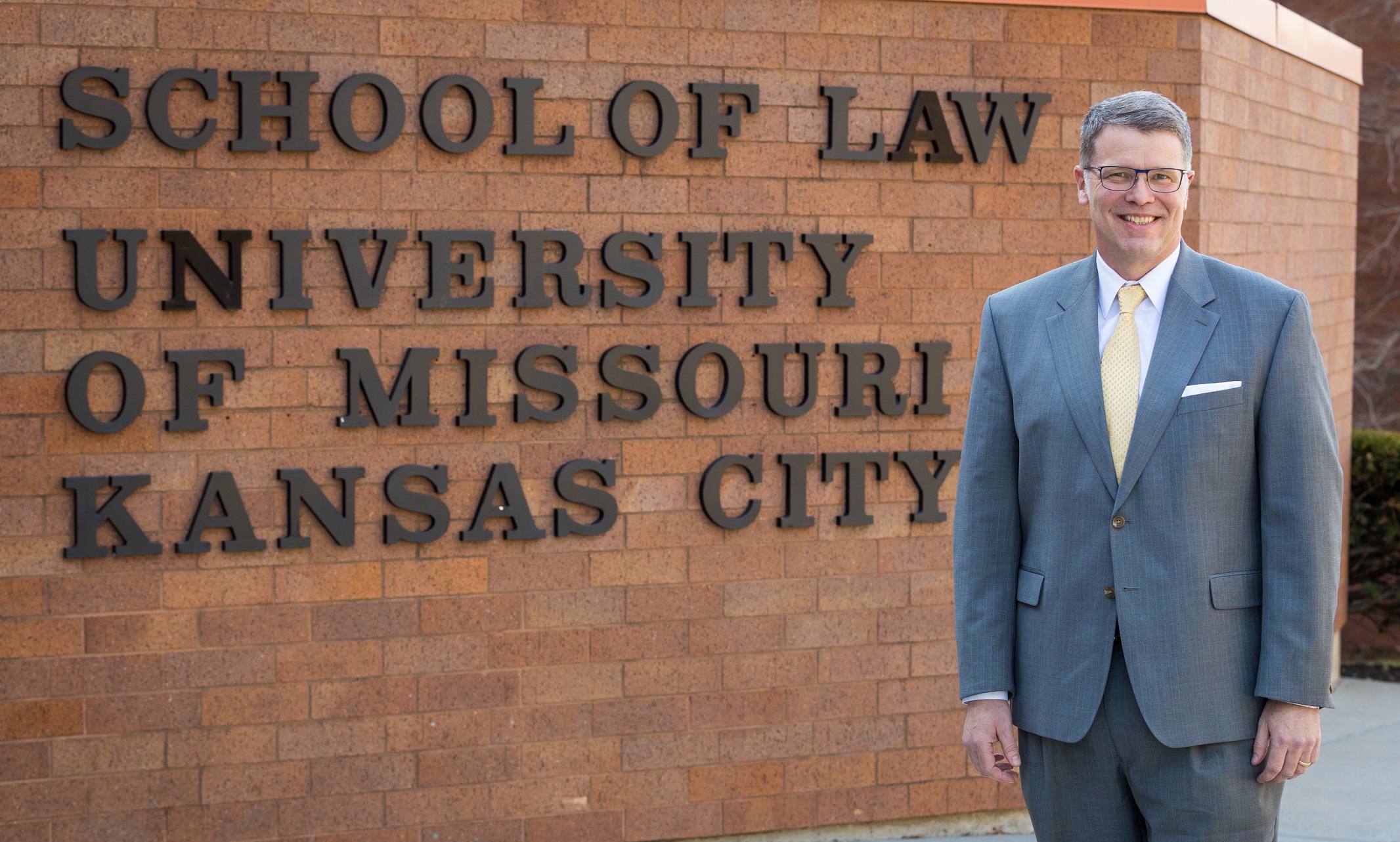
Meet Lumen Mulligan
Lumen (Lou) Mulligan, J.D., M.A., joined the School of Law as dean in July.
He was previously the Interim Vice Provost for Faculty Affairs at the University of Kansas, as well as the Earl B. Shurtz Research Professor of Law. A Kansas City native, Mulligan understands the importance of UMKC School of Law to the greater community.
What attracted you to UMKC School of Law initially?
The mission and the people. UMKC Law has a deep commitment to being a best-value law school. We offer outstanding student success at an affordable price. When you look at our most recent employment numbers (96.6% employed for the class of 2022), the career arcs of our graduates and our low tuition, you can see the school’s commitment to being a premier law school. I was also inspired by the outstanding faculty, staff, students and alumni. They have all greeted me so warmly. It’s a privilege to be on a team with such a special group.
What are you most looking forward to in your first year as dean?
Meeting all our stakeholders and launching new initiatives. In my first month alone, I met with scores of alumni and friends, visited several law firms and worked closely with our entire team in the law school. I value creating these relationships and working with folks to further empower our community.
I am also excited for all the new programs we are launching in the next year. As of this December, all J.D. graduates will have access to a post-graduation bar prep course, which will be paid for from their tuition and fees. At most law schools, the entire cost of bar prep is borne by graduates in addition to their tuition.
I am also looking forward to the opening of our new Center for Law, Entrepreneurship and Innovation this year, which is a groundbreaking interdisciplinary project. And by next summer, we’ll have started our new online Master of Legal Studies degree, which will provide legal education for those working in law-adjacent fields such as HR and compliance.
You’ve previously worked in Kansas City as an attorney. Now that you’re back in Kansas City, what are you most excited about?
I not only practiced here, “back in the day,” but I grew up in the KC metro. So it’s been a ton of fun already running into so many old friends, former students and new friends in the KC legal and civic community. It truly is a great place to practice law!
Why did you originally pursue law school and being an attorney?
Well, it was not a straight-line path for me. I went to college and studied civil engineering for a while. Then I earned a philosophy degree and went to graduate school. I spent a while coaching swimming, working construction, waiting tables and hiking in Colorado. My eventual draw into law came later as I knew I wanted to be a profession where I could serve others, be challenged and work with great people. It’s been a wonderful career choice for me.
What is something about you that may surprise people?
I am an amateur guitarist, and with my daughters’ long-time engagement with dance, I can do a solid ballet bun and pull off a mildly acceptable fouetté turn myself.
Aug 14, 2023
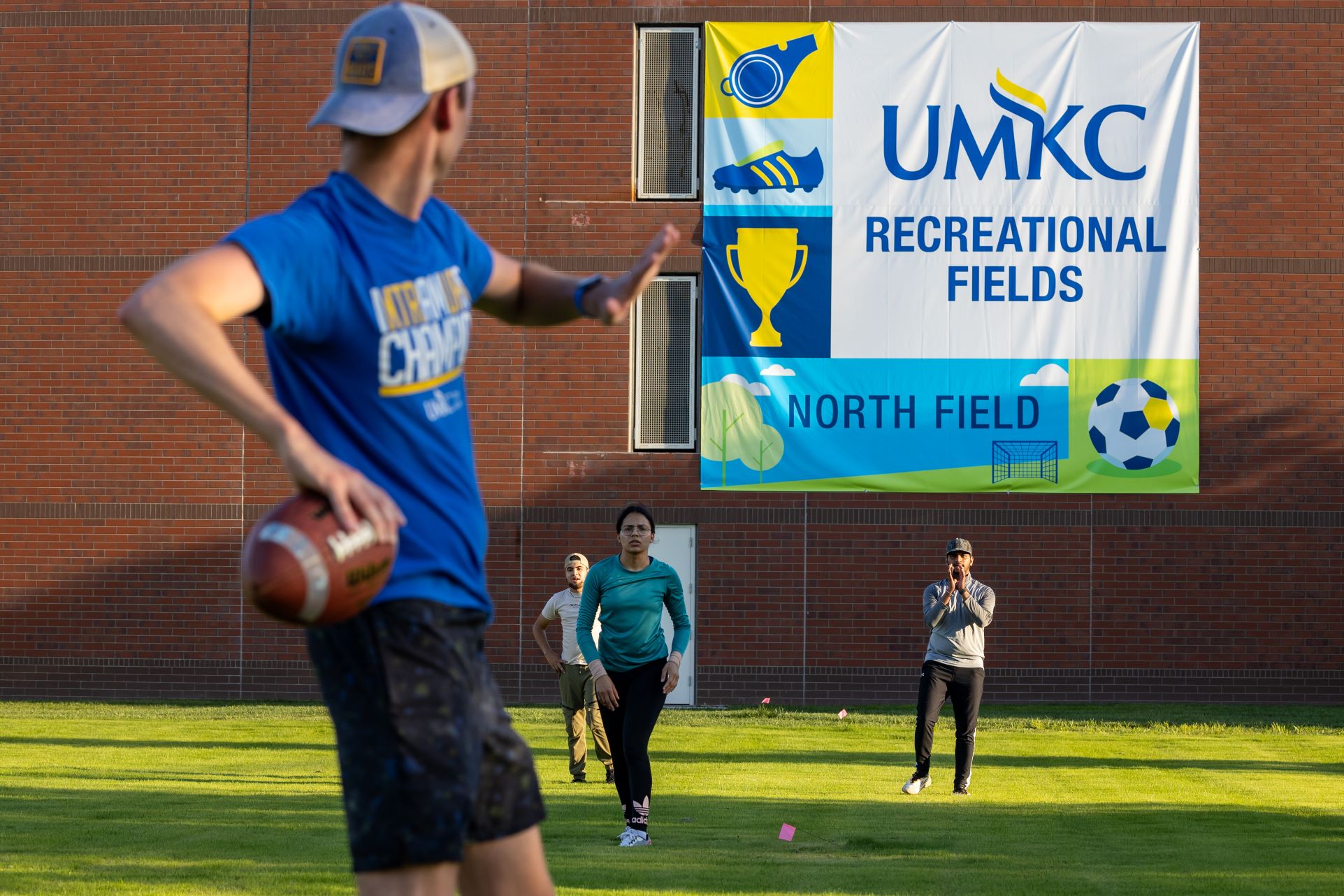
Plenty! The Divine Nine Garden and two new recreational fields are just the beginning
We’re excited to welcome everyone back to campus! You might have noticed some new additions (like the Roo blue and gold chairs) on campus. We’ve made it easier for you with a guide to what’s new here at UMKC this fall.
Divine Nine Garden
This dedicated space on the UMKC Volker Campus honors and recognizes the nine Black Greek organizations that make up the National Pan-Hellenic Council, also known as the Divine Nine. It will also serve as a gathering place for students and alumni to meet, celebrate, host events and reflect on the importance and achievements of their respective organizations. The Divine Nine Garden unveiling will happen 10:30 a.m. Sept. 9 at the Quad.
Murals in Welcome Center
The Welcome Center at the Atterbury Student Success Center has a new look. New UMKC murals are designed by Ruthie Ozonoff, who shared the process of designing the murals on her Instagram.
View this post on Instagram
A post shared by Ruthie Ozonoff📍KCMO (@designedbyruthie)
Recreational Fields
UMKC Campus Recreation has introduced two recreational fields on Oak Street to the UMKC community. The North Field is equipped with two sets of soccer goals and bleachers while the South Field is a cricket field.
“We hope students, faculty, and staff will enjoy these new offerings to campus, especially with cricket being a sport that is growing in popularity on campus,” said Liz Hoffman-Shrout, director of Campus Recreation.
Students, faculty, and staff can also reserve the fields for various sports, recreation and leisure activities. Also, lots of fun events are happening this fall on the fields.
Roo Wellness
UMKC Health and Wellness is combining all services and rebranding itself as Roo Wellness, which will consist of health services, counseling services and student accessibility services.
“With Roo Wellness, we’re taking a holistic approach by having one department to increase student success and life-long wellbeing,” said Obie Austin, administrator of Student Health and Wellness.
Roo Wireless
We've partnered with Public Wireless to introduce Roo Wireless, an opportunity for qualifying students to get a free tablet with internet hotspot.
You may qualify for Roo Wireless if your household income is at or below 200% of the federal poverty guidelines, or if you meet at least one of these criteria:
Recipient of a federal Pell Grant in 2023 Participant in a government assistance program such as SNAP, Medicaid, housing assistance or a free or reduced lunch program
Meet the eligibility criteria for a participating provider’s low-income internet program
Bioengineering Program
The School of Science and Engineering has officially rolled out its Biomedical Engineering degree program. The high-demand major is based on a broad approach, combining electrical engineering, mechanical engineering, computer science, chemistry, biology, physics, medical training, pharmacology and pure biomedical engineering courses. In the future, the program will have space in the $120 million Healthcare Innovation and Discovery Building, located at the UMKC Health Sciences Campus.
More Campus Parking
There are 63 metered parking spots plus three ADA spots on the first floor of the Oak Place Parking Garage. A map of all other parking spots can be found here.
Blue and Gold Chairs
Looking for a spot to relax between classes? The new blue and gold chairs in the Quad are calling your name!
New Starbucks
The Student Union officially has a Starbucks! The location offers an order-ahead option using the Starbucks app, and will accept Starbucks giftcards. The option to pay using a meal plan is coming soon.
Aug 14, 2023
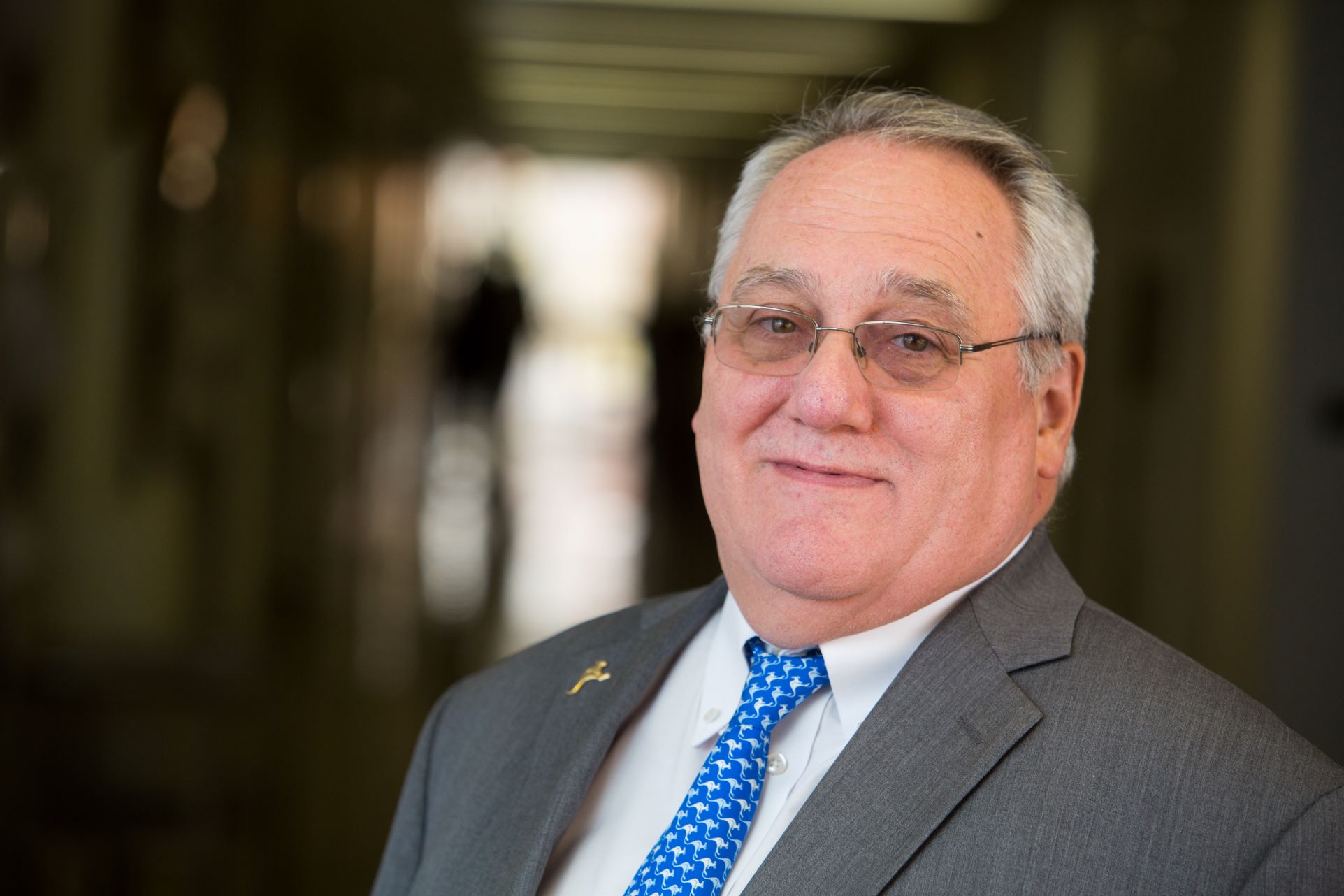
Research focuses on using massive electronic health records database to estimate the impacts of climate change on fungal disease spread in the U.S.
Theodore White, Ph.D., division director and Marion Merrell Dow Endowed Professor in the UMKC School of Science and Engineering, was recently awarded a five-year $3.96 million National Institutes of Health grant to study fungal infections in the United States.
Common fungal diseases in the United States include blood stream and lung diseases as well as athlete’s foot, vaginal yeast infections and oral thrush. These infections have been increasing in numbers and spreading globally for many years, with blood, brain and lung fungal infections having a 50% or more mortality rate. The lack of current data on the number of fungal infections in the United States, and the correlation to socioeconomic status, has precluded a deeper understanding of the role of climate change and extreme climate events on these fungal infections. White’s research aims to change that.
“Over the last 10 years, we have been seeing increasing fungal infections, as well as significant climate changes,” White says. “Our grant will try to determine if there is a correlation between the two.” he said.
White and his team will use a new database to better estimate the number and type of fungal infections across the United States on a yearly basis. The database can track information from the last 15 years or more to examine the role of socioeconomic status of de-identified patients with these fungal infections, and determine if there is a correlation between those infections and climate change or extreme weather events.
This project is a collaboration among the University of Missouri Kansas City, University of California, Berkeley and Children’s Mercy Kansas City.
Aug 11, 2023
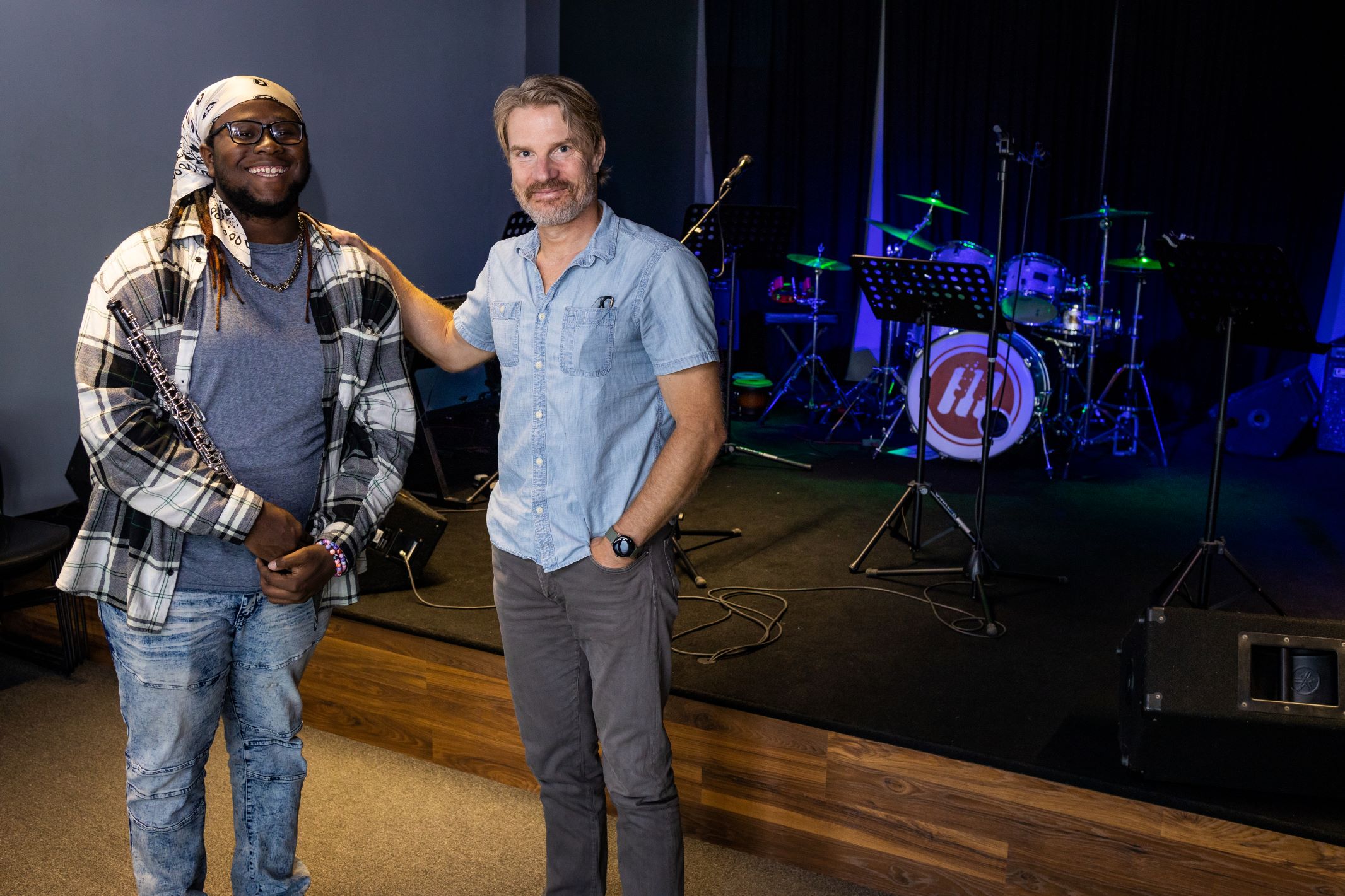
UMKC Conservatory students benefit from family’s generous gifts
Katrinka Sizemore’s mother remembers that her daughter was so determined to play an instrument as a young child, that Katrinka convinced her aunt to give Katrinka her piano.
“We never had to encourage her to play,” Kathy Riggs says of she and her husband, James Riggs. “Music was her.”
In high school, Sizemore took oboe lessons, and her instructor told her she could compete at the state level.
”She used her independent study time in school to practice oboe. It was music, music, music with this child and we just watched from the sidelines.”
Sizemore attended UMKC and earned her B.A. in music in 2001; she graduated from the University of California – Los Angeles with a master’s in music in 2003.
As an adult, Katrinka married Aaron Sizemore, a musician who began playing professionally when he was 15 years old. They started Music House, School of Music in Overland Park, Kansas, for children to learn to play instruments and perform in a collaborative setting. Aaron and Katrinka believed that music is made to be shared and developed a teaching method they felt was more collaborative and avoided an arrogance that was sometimes present in music education.
“They sparked each other,” Riggs says.
The concept and business was a success from the start. In two years, they had 300 students. Currently Music House has three locations.
“Katrinka handled the business side, and she was inspired by the process,” Aaron says. “She was so smart and had so much grit and integrity.”
Katrinka was diagnosed with stage IV breast cancer when she was 30 years old.
“She approached it as a learning opportunity,” Sizemore says. “She continued to teach, and she wrote an oboe book. The doctors told her she had two years to live. She survived for seven.”
Aaron donated her oboe to UMKC, and with her parents established the Katrinka Marie Sizemore Music Scholarship to support students with financial need who are studying oboe performance. Katrinka’s lifelong friend, Megan Shumaker, makes regular contributions to the scholarship through the Shumaker Family Foundation.
“I knew Katrinka my whole life,” Shumaker says. “We were in cribs together. I thought a scholarship was a good way to remember her. Katrinka would have wanted something to help students go into the arts.
"Katrinka would appreciate Antwone having the oboe, and that the fund will affect a lot of people over time who may have missed the opportunity for education because they couldn’t afford it.” — Aaron Sizemore
Antwone Moore, a junior who is pursuing his bachelor’s degree in music education, is one student who has benefitted from Katrinka’s legacy. As with Katrinka, he is passionate about the oboe. He says that with the help of his 6th grade teacher, Bronwyn Short, “The oboe chose me.”
When he began to think about college, UMKC seemed to be the perfect fit. A Kansas City, Kansas native, he didn’t want to be too far from home, and he was comfortable at the university.
“I was familiar with the music department from being in the UMKC Conservatory Bridges program. After doing my research, I felt this was the right choice. I wanted my freedom,” he says. “But I didn’t want to be too far from home. The culture here is so nurturing.”
Celeste Johnson, associate professor of oboe, was an advocate for Moore’s receiving Katrinka’s oboe.
“I was thrilled that Antwone received this oboe – it could not go to a more deserving student. I am so happy that this generous donation makes it possible for a talented, hard-working student like Antwone to pursue his goals and dreams to become a music teacher.
Moore did not know that Johnson was working on his behalf, or that the gift of an oboe was even a possibility.
“I don’t talk about this often, but I come from a very low-income family and have never owned my own instrument. I almost broke down crying when I received the news that Professor Johnson had done this for me. I’m still careful when I play it. I want to do my best to do right by Katrinka and Aaron.”
“I think she’d be happy about the scholarship and the oboe donation,” Sizemore says. “As part of dealing with her mortality she became mindful of what really matters. Katrinka would appreciate Antwone having the oboe, and that the fund will affect a lot of people over time who may have missed the opportunity for education because they couldn’t afford it.”
Aug 08, 2023
Practicing attorneys, most of whom are alumni, volunteer their time and expertise as adjunct faculty for the School of Law
In 1895, the UMKC School of Law was founded by volunteer attorneys. Today, practicing attorneys, most of whom are alumni, volunteer their time and expertise as adjunct faculty to prepare the next generation of attorneys.
During Spring Semester 2022, more than 35 attorneys served as adjunct instructors for the School of Law, teaching courses that ranged from federal trial practice to estate planning to disabilities and the law.
The generosity of adjunct faculty allows the School of Law to offer more courses for students than most larger law schools. This also means that the student-faculty ratios in these courses are often quite low — about 12:1 — so students have an opportunity to develop strong mentoring relationships with local practicing attorneys.
Throughout the 2022 academic year, volunteer adjunct faculty generated 1,301 student credit hours. Adjuncts taught or co-taught with more than 900 total enrollments across the courses. Considering that no adjuncts teach in the first-year program, Dean Barbara Glesner Fines estimates the average upper-level student is taking at least two-and-a-half courses with adjunct professors. UMKC Law is recognized as a top school for practical skills training. Fines comments, "a big part of that is the expertise and experience our adjuncts bring to the classroom."
Adjunct faculty can enrich all aspects of the school’s curriculum. Many enjoy teaching in the law school’s innovative “mini-term” courses. Offered in an intensive one-week format between regular semesters or over Spring Break, these one credit-hour courses may introduce students to a specific area of practice. Course examples include: State and Local Government Law in a Nutshell, taught by Steve Moore (J.D. ’77); or Introduction to Workers Compensation Law and Practice, developed by Joan Klosterman (J.D. ’88) and the Honorable Lisa Meiners (J.D. ’96).
Other mini-term courses explore a very specific problem in law and give students hands-on training to address those issues in practice. For example, Paul Anderson (J.D. ’12) established a course focused on concussion litigation, just as society was first becoming aware of the problems caused by sports concussions. He currently teaches a course in Missouri marijuana regulation. Mira Mdivani (J.D. ’99) and Danielle Atchison (J.D. ’14, MBA ’19) train students to help businesses obtain visas for international personnel. In alternate semesters, they guide students through the skills necessary to represent immigrant victims of domestic violence. Kendall Seal (J.D. ’08) explores the problem of human trafficking with his students.
“As far as I know there is only one other law school in the nation, the University of Cincinnati, whose alumni and community members all volunteer as adjuncts,” Glesner Fines said. “Given the competitive market for top talent, adjuncts may see their teaching as a recruitment opportunity for their law firms. Volunteer teaching fulfills most of an attorney’s requirement for annual continuing education, saving that expense.”
“But these reasons are not what keep adjuncts coming back to the classroom year after year,” she continued. “Probably the most common reason adjuncts teach is because they simply enjoy interacting with students and view their teaching as a way to fulfill the duty all attorneys have to provide pro bono service to the profession. Others see teaching as the best way to stay current and hone their expertise in their field, making them better attorneys.”
Some adjuncts teach their courses for decades. Adjunct Professor Jim Wyrsch (LL.M. ’73) first taught his Criminal Trial Techniques class in 1981. He was assisted in early years by the Hon. Charles Atwell (J.D. ’78) and soon after by his law partner J.R. Hobbs (J.D. ’81). Wyrsch and Hobbs still offer the course today.
Some of the school’s most highly ranked programs were originally staffed by adjunct faculty under the supervision of a single full-time professor. The nationally ranked Trial Advocacy Program was limited to only 12 students each year until UMKC Law alumni, including Tim Dollar, approached Dean Jeffrey Berman to advocate for an expanded program. Today, a team of 13 adjunct faculty members teach the Trial Advocacy I course under the direction of Professor Michaelle Tobin. The Family Law Program, ranked in the top four nationally, benefits from dedicated alumni who teach the Family Law Practice course. Clinical Professor Mary Kay O’Malley supervises this course, taught by a team of nine adjuncts; the course was first developed by adjunct professor Betsy Ann Stewart (J.D. ’67).
Glesner Fines said some clinic-based programs require a significant time commitment from volunteer adjuncts.
“Not only do the faculty have to train the students in the doctrine and skills," Fines says, "they then have to take on actual cases for clients and supervise students representing those clients.”
One example is the Abandoned Housing Clinic, founded by Adjunct Professor David White (J.D. ’82). Students in the clinic represent the Kansas City Land Bank, clearing property titles so the city can move them to productive uses. Currently that clinic is directed and taught by Adjunct Professors Brandon Mason (J.D. ’16) and Angelo Banks (J.D. ’19).
Glesner Fines is grateful for the contributions of her adjunct faculty. “I’m so proud of their willingness to step up and take on this big job.”
Aug 04, 2023
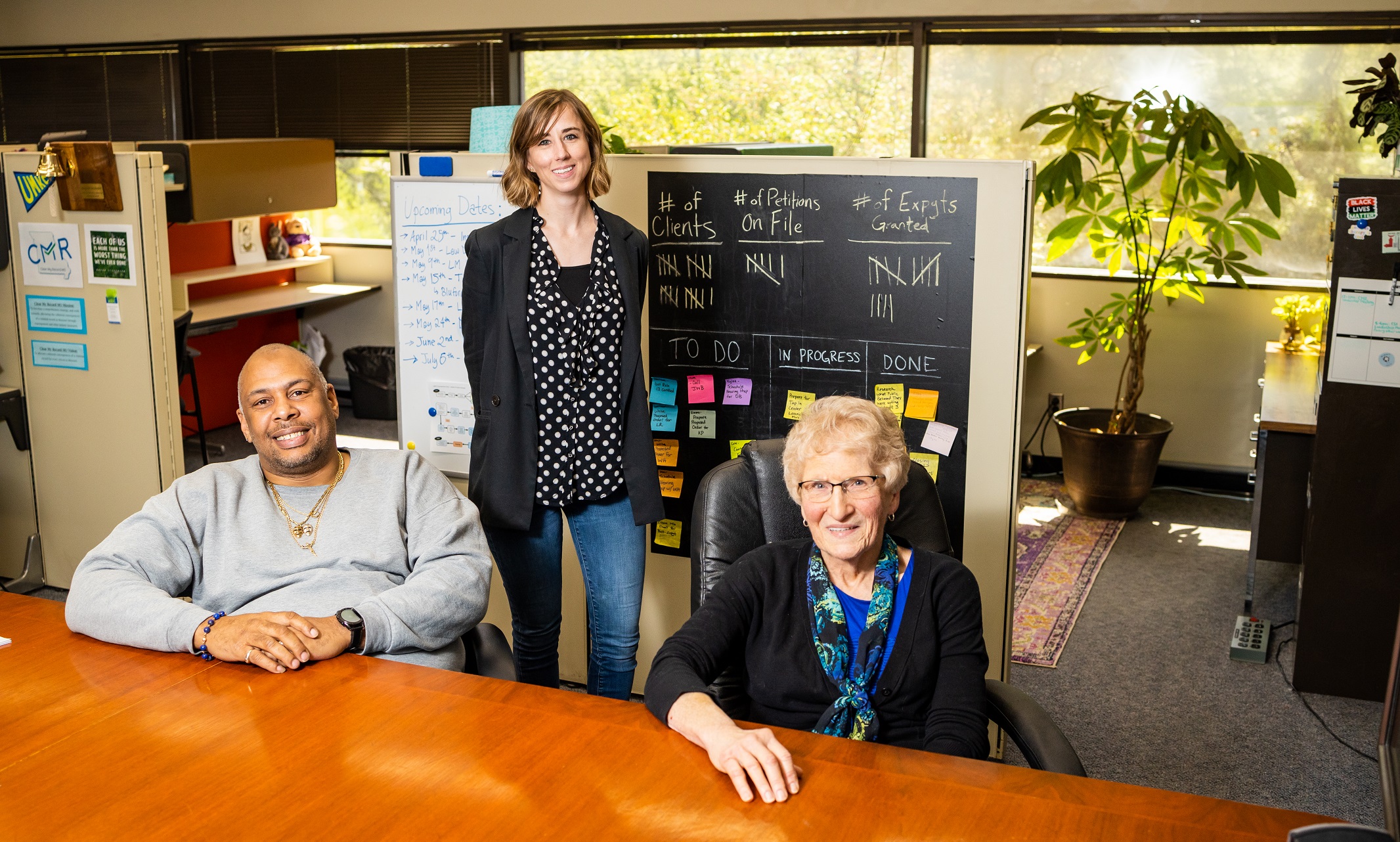
UMKC Expungement Clinic helps Missourians find fresh starts
When Johnny Waller, Jr., was 18 years old, he was tried, convicted and sent to prison in Nebraska. He served his time and returned to society, but quickly learned that although he was no longer behind bars, he also wasn’t truly free. Living with a criminal record was like carrying around a heavy weight all the time.
“It’s not like you can successfully reintegrate back into society like people tell you,” Waller says. “You’re lucky if you can find a decent job or a place to stay.”
When you have to check the box on every job or housing application that says you have been convicted of a crime, doors close. That’s why Waller has dedicated his career to helping people open those doors once again. Waller, who holds a bachelor's and master's degree, serves as program manager at the School of Law's Clear My Record Expungement Clinic.
The Clinic, founded in 2017 by retired law school dean, Ellen Suni, advocates for legislative changes to make expungement — the process of sealing past criminal records — more widely available in Missouri. The UMKC Expungement Clinic, which is affiliated with the project, represents low-income clients seeking expungement.
If someone qualifies under Missouri law, a judge can grant an expungement of their convictions. With their record cleared, past convictions will not show up during background checks and they need not disclose their convictions on applications.
“With the bang of a gavel, you can do all kinds of different things you couldn’t do before because you don’t have to check those boxes, ” Waller says.
Waller himself was granted an expungement in 2018, 22 years after his initial conviction. The decision opened opportunities for him to pursue his education, start a business and work as an advocate to ease the collateral damage he says too often follows people after they leave prison.
“Drug charges and theft offenses are the most common expungement cases at the UMKC Expungement Clinic,” says Sydney Ragsdale (J.D. ’18), a Truman Fellow who helps oversee the student lawyers who handle cases through the clinic.
The mission behind the Expungement Clinic’s work has less to do with the details of clients’ past convictions and focuses more on the burdens imposed by those convictions, even years after fines are paid or a prison sentence is completed.
“People are being wrongly held back from living their lives,” Ragsdale says.
Since UMKC’s clinic began, its student lawyers have successfully assisted nearly a dozen clients.
One such client is a man from New York who was caught with marijuana while passing through Missouri on a cross-country trip. That unfortunate pitstop led to a drug charge on his record and prevented him from getting a promotion he needed to support his family.
Another client couldn’t rent an apartment or secure a mortgage to buy a house because of a DUI conviction. That mistake from his past kept him struggling to survive in low-income housing.
A third client, a former childcare worker, had been charged with child endangerment after she momentarily left a student behind on a field trip. Although the child was unharmed, the mistake caused her to struggle both financially and emotionally for years afterward.
“She was out in the world doing her best,” Ragsdale says. “She loved these kids, but made a mistake most parents have made at some point in their lives.”
As with most clients the clinic represents, a mistake was still wreaking havoc on the woman’s life years later. Fortunately, like the man from New York with the drug charge and the man with the DUI conviction, she was granted an expungement and given the opportunity to finally start moving on.
“The collateral consequences of convictions are just brutal,” says Suni, who continues to oversee the Clear My Record Project and teaches student lawyers working for the clinic. “There are the obvious things; people have trouble getting jobs, housing, public benefits and loans. The consequences cut across all areas, such as a parent not being permitted to go on their kid’s school trip. It affects every aspect of their lives.”
When the Clear My Record Project started, Suni hoped the expungement process in Missouri could be almost automatic. She thought perhaps a computer program could efficiently find eligible clients and help push through the required paperwork to help them get a fresh start. But as quickly as that idea arose, it became clear that Missouri’s expungement statute, substantially revised in 2018, was written far too narrowly for such automation.
“The statute was very complex and confusing,” Suni recalls. “It became clear that this attempt to digitize the process to help people who don’t have lawyers wasn’t going to work.”
A key issue was finding anyone who met the law’s narrow qualifications. For example, only certain non-violent and non-sex crimes are eligible for expungement. Furthermore, the law allows for the expungement of only one felony in a lifetime, and only two misdemeanors. As the 2018 law was written, a person had to wait seven years after completing a felony-related sentence or three years after a misdemeanor before applying for expungement. Moreover, having a pending case, even for a traffic violation, or owing fines or fees can prevent obtaining expungement.
While hundreds of potential clients desperately needed a clean record to move forward, these strict requirements put expungement out of reach for most.
“We discovered that very few people were fully eligible,” Suni says.
Suni and others affiliated with the Clear My Record Project began using their experience with clients to push for changes that could open the process to more people and they’ve found some success. For example, the law was amended to shorten the waiting period to three years from seven for a felony, and to one year from three for a misdemeanor, and a few new crimes were made eligible.
Suni says the changes are an improvement, but more is needed. She and others across the state are advocating for additional legislative changes, including increasing the lifetime limit of convictions eligible for expungement to two felonies and three misdemeanors. Additional potential changes include providing more leeway for people who committed crimes between the ages of 16 and 25, and for those whose offenses occurred when they were addicted to drugs.
Advocates also are pushing for the abolishment of a $250 surcharge currently assessed to anyone seeking expungement. Ragsdale says that fee, on top of other required court fees, puts expungement out of reach for many low-income clients who earn too much to receive a fee waiver, but will still struggle just to pay for food and housing.
“It is way too expensive,” she says.
Down the road, advocates would like to see the expungement process in Missouri become automatic. Once someone qualifies under the law, the state would initiate the process with no lawyer or court filing required.
While advocates say the Missouri expungement process is still too complex and narrow, it has improved since UMKC’s clinic began. The clinic is seeing a bigger pool of qualified clients and the process is more efficient for hundreds of potential cases.
Of the dozen expungements obtained through UMKC’s clinic, ten of those were granted during the last six months. In January, four of the clinic’s clients obtained expungement on the same day.
“It was extremely exciting,” says Kylee Gomez, a third-year law student who works as a research assistant at the clinic. “Until that point, we’d only had one or two happen.”
“In every case, expungement is a second chance the client desperately needs,” says Bailey Baker, a second-year law student who also serves as a research assistant in the clinic.
“I’ve seen how deeply the past mistakes someone makes, particularly when they were younger, can haunt them,” added Baker, a former social worker. “Expungement is a way to move on.”
Some are hopeful for the future. Many of the provisions supported by the clinic passed both the Missouri House and Senate and will become law if signed by the governor.
Aug 04, 2023
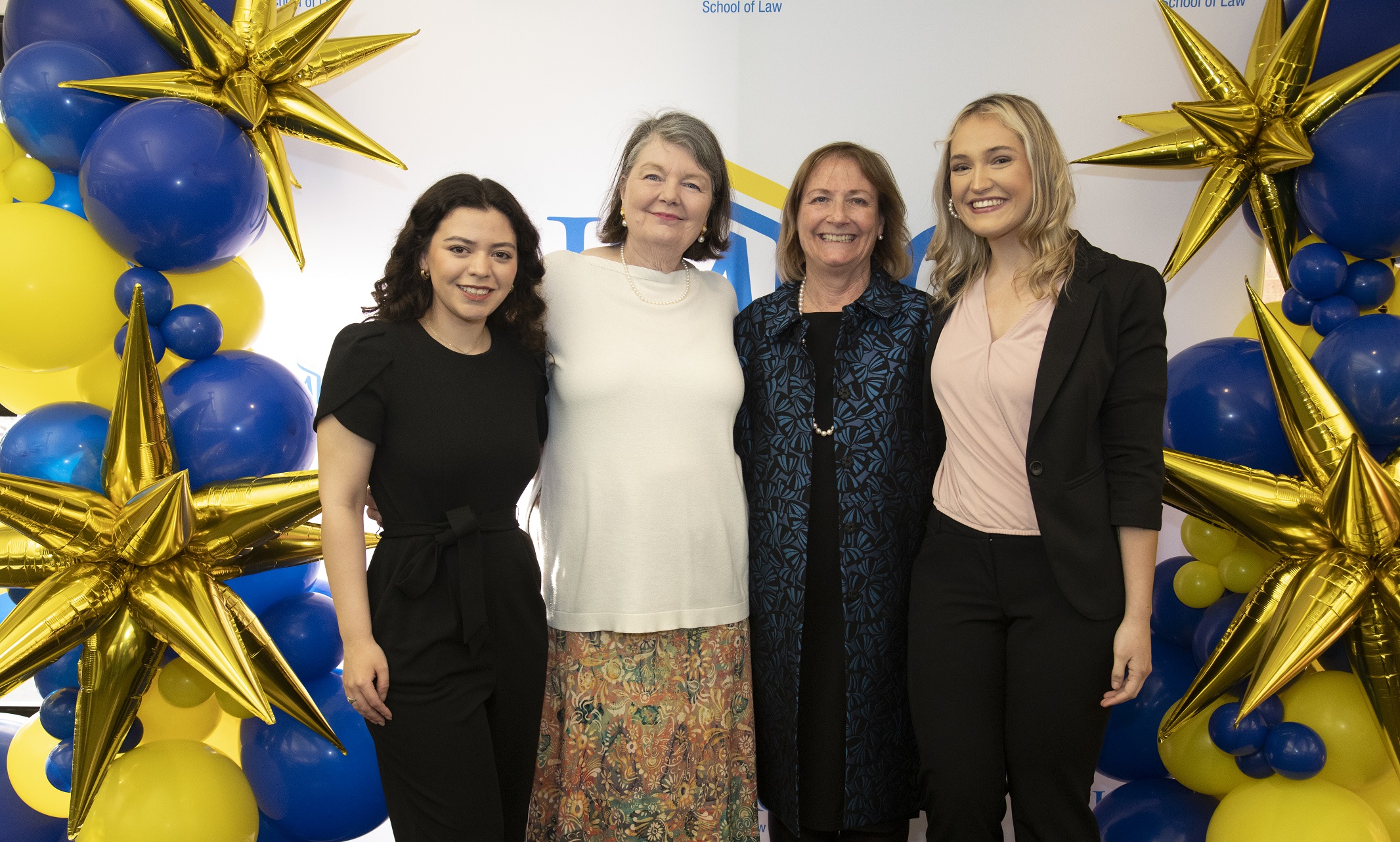
How one man’s final gift will inspire generations
It was an unusually warm and sunny late January day in Kansas City the day that David Westfall, Jr. (J.D. ’55) died. Those who knew him still remember his pleasant manner and giving spirit. At UMKC, his generosity is his legacy, though few here ever knew him at all.
Westfall died in 2015 at the age of 89. The next year, the UMKC School of Law was contacted about an incredible, unexpected $1.1 million gift left behind in his estate.
“It was a complete surprise,” says Kirk Baughan, who was the School of Law’s director of development at the time. He recalls how little anyone knew about Westfall at the time and says there wasn’t much more to be discovered.
A native son of Kansas City, Westfall’s obituary reveals he was a proud Army veteran, serving a tour of duty in Europe during the second World War. Upon returning home, Westfall spent decades working as an attorney in the Argyle Building at 12th and McGee, later moving his practice to the historic Livestock Exchange Building in Kansas City’s West Bottoms. His personal life was dedicated to his faith in God and service to community, but never once is there mention of a spouse, children or any family at all.
“He seemed to make his estate plan close to the time that he passed away,” says Baughan. “He knew that many of his assets were in his owned real estate. Gifts from his estate supported the UMKC School of Law, the University of Kansas and Saint Elizabeth’s Catholic Church in Kansas City.”
Traditionally, a gift of $1 million or more made to a university is the result of a careful cultivation process. A dean and philanthropic impact professional will sit down with a company or individual to discuss detailed plans about the impact they want to make and how they want their money to be used.
Not only was Westfall’s gift a surprise, but it was also completely unrestricted. Law School leadership and trustees knew they wanted to make the most of the windfall but weren’t immediately sure how to do it. Together, they decided on the idea of creating what they called The Westfall Matching Fund in support of law school scholarships, allowing donors to immediately double the impact of their contribution.
“There was a lot of excitement around the arrival of this gift,” says J.R. Hobbs (J.D. ’81), then-president of the Law Foundation. “The trustees agreed that $300,000 would be used immediately to fund student scholarships. The remaining gift would be invested into the Law Foundation’s endowment and used to energize alumni and friends to create scholarship endowments to help students pay their tuition and fees.”
The plan worked. The availability of matching funds was enough to convince donor after donor that their gift would go further through the School of Law.
That was exactly the case for Ann Holmes, who established an endowed scholarship in honor of her father, Marvin Chester Holmes (J.D. ’37), who was once the president of his freshman class at then-Kansas City University.
“I felt it was terribly important to honor my father with a named scholarship,” Holmes recalls. “As far as I know, my father never practiced law, but he used his education in many jobs — including that of a real estate appraiser.”
Holmes admits the School of Law wasn’t necessarily her top charitable priority.
However, after several meaningful conversations with the dean and learning that her gift would be doubled, she was convinced it was the right way to honor her father.
Students were quick to join the excitement, too. The Diverse Student Coalition recently used the funds to grow its endowed scholarship to more than a quarter-of-a-million dollars through fundraising at its annual Diversity Banquet.
The Campaign for Advocates, an effort to raise $1 million for UMKC Law’s advocacy programs, also benefited from the Westfall Matching Fund. Scott Bethune and Kent Emison established lead gifts for the campaign. The Westfall Matching Fund program encouraged several alumni and firms to join the campaign by creating their own named scholarships to support students who show talent and interest in pursuing trial advocacy careers. Those donors include the DanaJames Charitable Foundation; Wagstaff & Cartmell, LLP; The Hyde Family; and the Lathrop GPM Foundation.
Westfall likely made a bigger impact than he could have known. The matching fund was so popular, it only took six years for the entire gift to be matched dollar-for-dollar. The final matching gift creates the Professor Julie M. Cheslik Merit Scholarship Endowment, an annual “full ride” scholarship expected to attract some of the brightest aspiring attorneys to UMKC.
From the beginning, the Law Foundation knew the funds wouldn’t last forever. To honor his investment and ensure his legacy at UMKC, the Foundation renamed the endowed fund that supports academic achievement scholarships for law students the David I. Westfall, Jr. Merit Scholarship Endowment.
Aug 04, 2023

Container farming program plants seed for training as a pathway to economic viability
There’s something special growing inside a cluster of shipping containers outside the Veterans Community Project at 89th and Troost Avenue in Kansas City.
Inside three independent-model container farmhouses, U.S. military veterans are learning how to use controlled-growth environments for crops such as basil and mushrooms, and eventually strawberries. While there’s no soil inside the massive containers, there is an abundance of opportunity for the military veterans who are learning agribusiness skills that can improve their lives, as well as help feed the community.
They're part of the From Seed To Table program, a pilot program between the University of Missouri-Kansas City and the Veterans Community Project (VCP), a nonprofit organization focused on ending military veteran homelessness. The VSP team recruits, selects and trains military veterans on container-farm processes, hydroponic systems, food safety and technological innovations combining farm and STEM for increased specialty crop production. Veterans also receive financial, marketing, entrepreneurship and private pesticide applicator training. The coalition’s overarching goal is to establish a pathway to economic viability and independence for veterans.
The program has three main objectives:
Recruit and retain 50 military veteran beginning farmers
Transition at least 50% of these veteran farmers to agricultural or farm-STEM part-or full-time employment opportunities
Develop a veteran, urban, organic and sustainable-focused pilot program that can be replicated at future VCP site locations by guaranteeing a market for specialty crops
Led by Angela Cottrell, Ed.D., director of research and institute programs for the Missouri Institute for Defense and Energy and adjunct instructor in the UMKC School of Education, Social Work and Psychological Sciences, the program is funded by a three-year, $600,000 grant from the USDA and a $63,000 grant from the UMKC Entrepreneurship Innovation Program through the Kauffman Foundation.
Cottrell partnered with U.S. Marine veteran and VCP CEO Bryan Meyer, J.D. ’06, whom she advised while he was studying law at UMKC.
“I met with Bryan and just tossed out the idea, ‘What do you think about training veterans on controlled-environment agriculture?’” Cottrell said.
Meyer didn’t need much convincing. His enthusiastic response to the idea, “All about it. Let’s go!’ planted the seed for forward movement.
Cottrell said controlled-environment agriculture (CEA) has grown exponentially in recent years and is expected to be a $170 billion industry by 2025. She envisioned a program where veterans could gain a new skill set, be compensated for their time and enter into a workforce development pipeline where they can find additional employment, and start their own farm or utilize that skill set to transition into a farm STEM-related position.
Faculty from across several UMKC academic units joined to contribute their expertise.
Juan Cabrera-Garcia, Ph.D., assistant research professor at UMKC and state vegetable specialist at University of Missouri Extension, serves as the team’s holistic horticulture expert and leads efforts to get the hydroponic systems up and running.
JJ Lee, Ph.D., in earth and environmental sciences is helping to optimize sensors and water treatment systems.
Jeff Hornsby, Ph.D., Henry W. Bloch Endowed Chair of Entrepreneurship and Director of the Regnier Institute for Entrepreneurship and Innovation leads entrepreneurship training for the veterans.
Charles Murnieks, Ph.D., associate professor and the A. Gottlieb Chair of Strategic Management in the Department of Entrepreneurship and Management leads the entrepreneurship training for the veterans.
Karin Chang, Ph.D., associate director and associate research professor in the School of Education, Social Work and Psychological Sciences, ensures the primary objectives are being met in her role as the external evaluator for the project.
Controlled-environment techniques offer several advantages over traditional farming.
“This is a solution, particularly for cities like Kansas City, and for areas where growing traditionally is just not possible,” Cottrell explained. “You’re reducing that footprint, yield 10 times the amount that you would on an acre of land, and you can grow year-round. Even if it’s 10 degrees outside we’re still able to farm, produce and train our veterans.”
Not only are veterans learning how to grow the crops, but they’re also gaining other marketable job skills, including pesticide application and produce safety, according to Cabrera-Garcia.
“We give them certificates to ensure that they have the ability to get hired in any agricultural enterprise,” Cabrera-Garcia said.
Meyer said the partnership with UMKC appealed to him not only in terms of the growth and development it could offer local veterans, but also the shared goal with VCP to expand outreach beyond Kansas City.
“This couldn’t have happened without community support,” Meyer said. “Now that we’ve established this model, we can grow into other locations."
The first two cohorts of veterans have gone through the training program, and the next started in July. Their produce is available at Everyday Produce in Kansas City, as well as in local restaurants.
While the education component remains at the forefront of the program, Cottrell says the team is “thinking big,” with plans to eventually distribute the produce to local neighborhoods in need.
“We want to have a multimillion-dollar controlled-environment agriculture facility in Kansas City, where we are hyper-focused on serving impoverished neighborhoods where we know food deserts exist, where we know access to nutritional food is expensive and very difficult to find,” Cottrell said. “We want to try to utilize this CEA system to provide that for Kansas City.”
To further their efforts, Cottrell and Cabrera-Garcia are exploring interest and opportunities to develop a formal curriculum on CEA to attract new UMKC students and expose current students in other programs to urban agriculture. They received a $29,998 grant from National Institute of Food and Agriculture to survey the industry and UMKC students to assess the potential viability of a developing a minor degree.
“There are individual classes and certificate programs available elsewhere. We want CEA to be the entire focus,” Cottrell said.
Beside the educational component, she sees community benefits.
“This could be students helping students. I could see students working the containers and we could provide fresh produce to the food pantry at the Dr. Raj Bala Agrawal Care Center at UMKC. It could go to Sodexo to be used in the university’s cafeteria.”
In addition to the actual production, Cottrell sees opportunities for faculty as well.
“There’s the opportunity for faculty engagement through biology, chemistry and medicine. We know there’s an interest in this type of programming in Kansas City. The students are excited about it. If we were able to move forward, we would be early adopters from an educational perspective.”
Aug 03, 2023
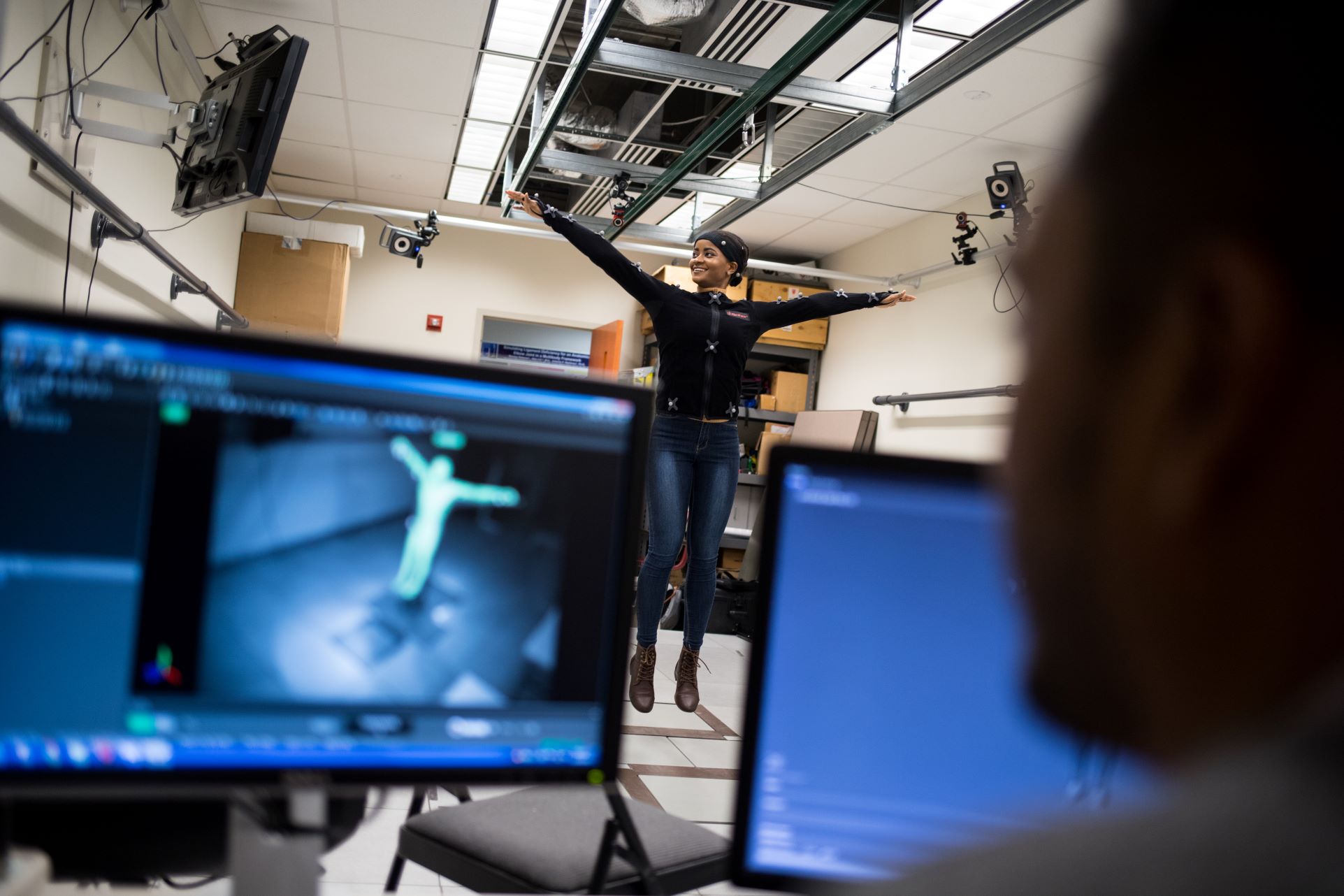
Includes undergraduate and graduate degree options as well as an accelerated five-year combined degree
The University of Missouri-Kansas City School of Science and Engineering has officially rolled out its biomedical engineering program.
The program introduces students to both medicine and engineering principles to support innovation and discovery in biomechanics and orthopedics, imaging, bioinformatics, biotransport, bioelectronics and medical devices.
“The program will also expose students to clinical aspects of biomedical engineering through collaborations with our medical school, which is not always the case in many undergraduate programs,” said Antonis P. Stylianou, Ph.D., who will be teaching as an associate professor as part of the biomedical engineering faculty.
The program is designed based on a broad approach, combining aspects from electrical engineering, mechanical engineering, computer science, chemistry, biology, physics, medical training, pharmacology and pure biomedical engineering courses.
The faculty reflects this diverse field, with professors from multiple disciplines teaching courses including engineering, medicine, pharmacy, dentistry, nursing and biological sciences. This multidisciplinary approach puts UMKC in a unique position to lead new breakthroughs in bioengineering.
“Research related to bio and health technologies have increased at an astounding rate within the School of Science and Engineering at UMKC over the past few years ,” said Katherine Bloemker, assistant dean of academic affairs. “This research focus provides the perfect foundation for our biomedical engineering degrees. Plus, the UMKC Health Sciences Campus and the proximity of local research hospitals such as Children’s Mercy, University Health and Saint Luke’s provide unique opportunities for students to explore this field.”
With the $32 million state-of-the-art Robert W. Plaster Free Enterprise and Research Center, students will be able to utilize facilities such as the Innovation Studio and the research labs. The building is equipped with cutting-edge technology, such as 3D printing labs, that will prepare graduates to excel in fields like careers in engineering, health care, medicine, dentistry, biotechnology, bioinformatic and pharmaceutical fields.
Employment of bioengineers and biomedical engineers is projected to grow 10 percent from 2021 to 2031, faster than the average for all occupations, according to the U.S. Bureau of Labor Statistics.
Atlas Sizemore came to UMKC as a freshman, before the bioengineering degree launched, with the intent to enroll in the program when it launched. Now a sophomore, Sizemore is excited to join the program.
“I plan on getting my graduate degree in prosthetics and going on to be a prosthetist,” Sizemore said. "I think that the biomedical engineering degree at UMKC will really help to prepare me with skills in design as well as the medical foundation of my work." Sizemore is particularly looking forward to taking 3D printing and design.
In the future, the program will have a dedicated space in the $100 million Healthcare Innovation and Discovery Building, located at the UMKC Health Sciences Campus. Construction for that building is expected to begin later this fall, with a projected opening in 2026.
Jul 31, 2023
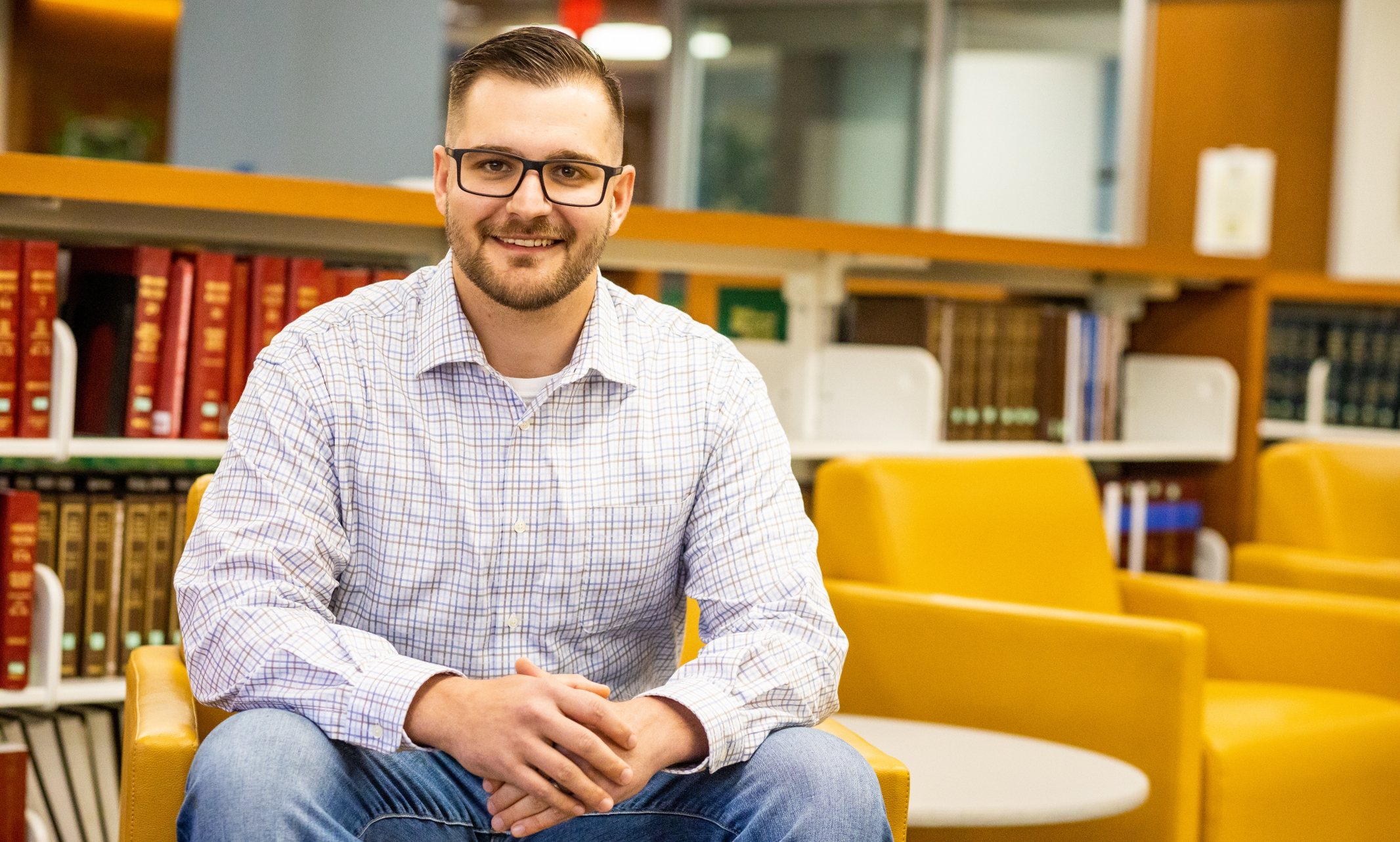
Daniel Foose found an affinity for agriculture while working at a hog farm; now he wants to focus his future law practice in that industry
Roos don't just dream, they do. Our students turn ideas into action every day. Get to know our people, and you'll know what UMKC is all about.
Daniel Foose
Anticipated graduation year: 2023
UMKC degree program: Juris Doctor
Hometown: Marshall, Missouri
Given his chosen career arc, you’d be tempted to assume that Daniel Foose grew up on a farm. Not so.
“While my family did not own a farm or have anything to do with farming, I was fortunate enough to grow up around farming and agriculture,” he said. “In high school, I was very involved in FFA (a national agriculture education and leadership program) and earned my American FFA Degree. While in high school and even through college, I worked at a hog farm in Marshall.”
While earning his undergraduate degree at Northwest Missouri State University, he set a course for a career in criminal law. He interned for the Nodaway County prosecutor, shadowed the Nodaway County associate circuit judge and eventually worked for the Saline County prosecutor in Marshall.
A local internship convinced him to make a course correction.
“During the summer after 1L year, I had the opportunity to work as an intern for Seaboard Corporation, a Fortune 500 agribusiness company located just outside of Kansas City in Merriam,” Foose said. “Seaboard is a major producer of pork, and I knew about them from my time working at the hog farm in high school and college. After interning for the summer, Seaboard graciously offered me the opportunity to stay and work as a law clerk for Seaboard Foods.”
Long term, he plans to begin his career in general business litigation, then move to a focus on litigation involving agribusiness.
“My education at UMKC has been challenging, yet fulfilling,” he said. “I have enjoyed learning from professors who are passionate about the law and the areas they teach, and I appreciate the variety of classes that are offered. Both the professors and the law school take seriously the charge of preparing the next generation of lawyers, which is a huge benefit to myself and all who attend UMKC School of Law.”
Why did you choose UMKC?
I chose UMKC because it is relatively affordable and close to home. Additionally, I have known and admired several attorneys that went to UMKC School of Law.
Why did you choose your field of study?
I chose the legal field because I knew it would put me in a great position to help others. Additionally, I had an absolutely wonderful advisor and mentor, Dan Smith, Ph.D., at Northwest Missouri State. Smith and the other great professors helped me in my decision to pursue a law degree.
What are the challenges of the program?
Law school is demanding – mentally, emotionally and financially. For me, the biggest challenge has been balancing my time so that I am able to fulfill my personal obligations while in law school.
What are the benefits of the program?
My law school peers are some of the most talented and intelligent people I have ever met. I have had professional opportunities that I would have never thought possible. Most importantly, I have made lifelong friendships in law school.
How has your college program inspired you?
I have achieved far more than I anticipated when I first started law school at UMKC. Finding academic success in law school gave me the confidence to go and seek out opportunities, both personally and professionally, that I otherwise wouldn’t have.
Since entering college, what have you learned about yourself?
I have learned that the difficulties and hardships you endure will only prevent you from being successful if you let them. No matter where you are from or what you have been through, you can accomplish anything.
Are you a first-generation college student? If so, what does that mean to you?
I am not a first-generation college student. My mother made the brave decision to go to college after my father passed away and successfully graduated with her bachelor’s degree. I am, however, the first person in my family to go to law school (or graduate school in general) and will be the first lawyer in my family.
Who/What do you admire most at UMKC and why?
I admire my classmates. My class started law school while the pandemic was in full swing, and, even through Zoom classes, and never having a snow day, we made it through.
Jul 31, 2023

Amy Patel, M.D., championed a new law requiring medical insurers to cover all costs
Amy Patel, M.D., of the University of Missouri-Kansas City School of Medicine, played a leading role in bringing about a new law in Missouri that requires health insurance companies to pay the full cost of diagnostic breast imaging without charging patients a co-pay or deductible.
Patel is an assistant professor of radiology at UMKC, medical director of the Breast Care Center at Liberty Hospital and a 2011 alumna of the UMKC School of Medicine. She worked closely with State Rep. Brenda Shields and the Susan G. Komen organization to get the legislation drafted and passed. The legislation also had support from The Missouri State Medical Association, Missouri Radiological Society and the Missouri Society of Pathologists. Gov. Mike Parson signed the bill into law in July, and it takes effect in January 2024.
Diagnostic imaging tests, such as 3D mammograms, MRIs or ultrasound exams, play a critical role in getting patients an early start in treating breast cancer, which greatly improves odds of overcoming the disease.
This was not Patel’s first foray into advocacy on behalf of patients. In 2020, she campaigned for a new law that requires insurance companies to pay for breast cancer screenings for patients ages 25 to 29 if they are at higher risk, as well as screenings every six months from age 30.
In 2022, Patel was named the Kansas City Chiefs Fan of the Year in recognition of her role as a leading community advocate for access to breast cancer treatment care.
We caught up with Patel on the new legislation.
What is the primary significance of this new law?
This law requires Missouri insurance carriers to cover diagnostic breast imaging for patients without co-pay or deductible. This means that if a patient is called back for additional breast imaging testing such as a diagnostic mammogram, ultrasound or MRI, it must be covered without co-pay or deductible. Diagnostic breast imaging also encompasses patients who present with a lump or pain, or who have had prior surgeries for breast cancer which necessitate a diagnostic mammogram follow-up for a number of years.
Have you had experiences with patients who delayed diagnostic breast imaging because of the cost? What are the implications of that?
Unfortunately, yes. We have had patients who do not return for additional diagnostic breast imaging testing when we know they have a breast cancer we need to address, and/or they return or present when the cancer has spread to the lymph nodes in the armpit and even other parts of the bodies at times.
Is that why you worked so hard on this?
I worked hard on this because I live and breathe this every day in clinical practice. Patient access and bridging the gap of breast care inequities has become a life's calling and a focus of my career. I felt that I was in a position to advocate for change, and although we were not successful in getting this legislation passed last year, we soldiered on this year and were successful. Too many lives depended on it for us to not continue to fight for patient access.
How does advocating for important changes like this demonstrate your commitment to your mission as assistant professor of radiology at UMKC School of Medicine?
As much as I do have an avid interest in education and research, I feel that it is equally imperative to commit efforts to boots-on-the-ground advocacy and access. As I always say: what good is the research we do if we are not going to take that information and do something about it to positively and directly affect our patients? Through evidence-based care, we can bridge the gap of breast care inequities, and I am so appreciative that I am able to do this type of work, which is valued and respected by the UMKC School of Medicine.
Jul 28, 2023
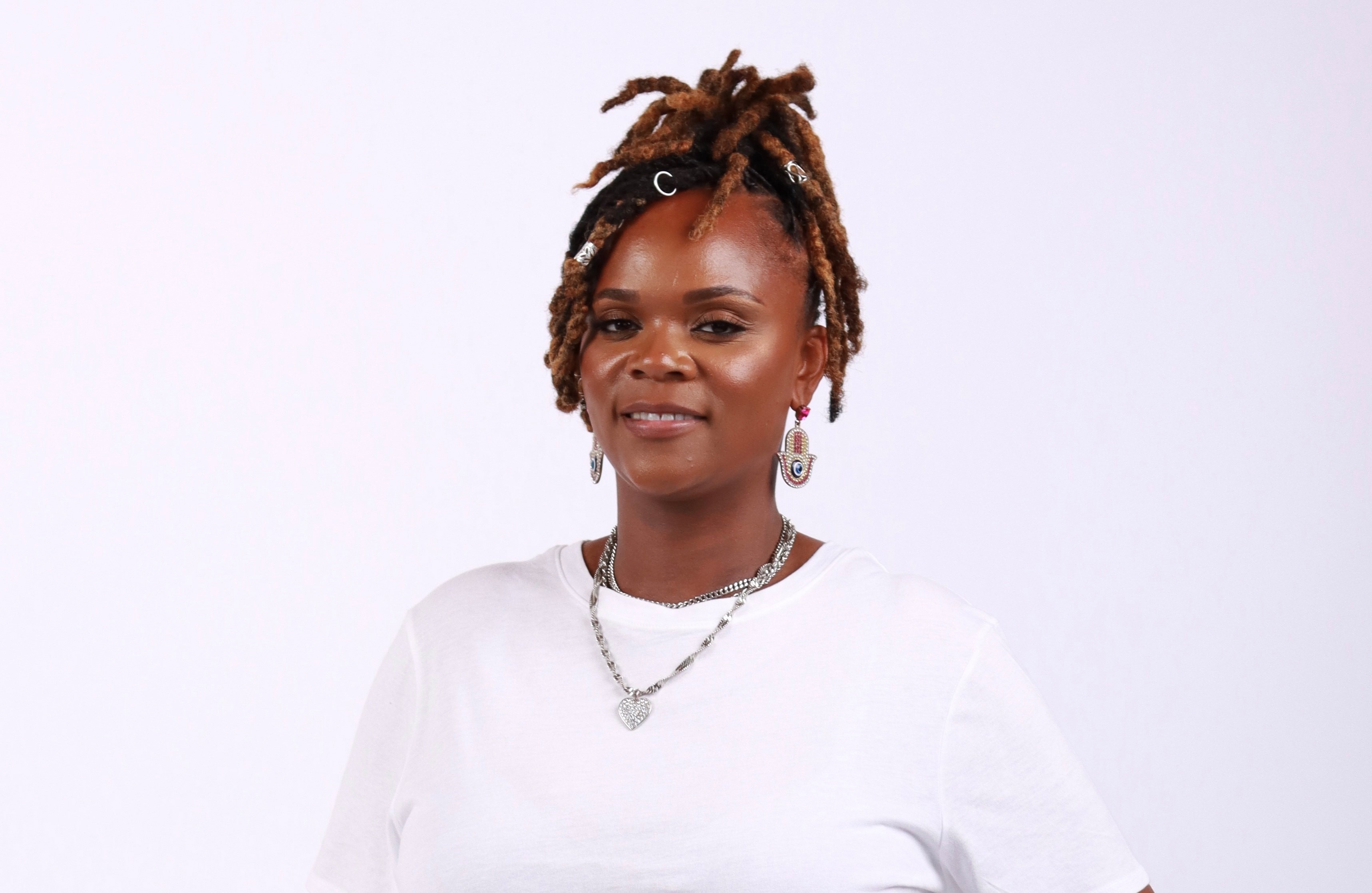
UMKC Institute for Urban Education prepped her for teaching, classroom management, commitment and fun
Tanya Jones knew she wanted a career that enabled her to be a part of something bigger than herself.
“I wanted to be a part of shaping young children’s minds and laying the foundation for generations to come,” Jones says. “I had many teachers who encouraged and guided me to become a better student, and coaches who taught me important lessons about being on a team.”
An alumna of Westport High School, Jones came to the University of Missouri-Kansas City Institute of Urban Education because she wanted to partner with families to ensure their children succeed academically, socially and emotionally.
“I wanted to be a role model for students who did not have that in their lives.”
As part of the UMKC curriculum, Jones was a student teacher at the Academy for Integrated Arts (AFIA) in Kansas City. She says it was a great opportunity to experience the culture of the school, understand what it takes to make a school run and see the benefits of teachers and staff who really look out for each other.
“It was a great experience. They welcomed me with open arms.”
In addition, her cooperating teacher allowed her to be hands-on in the classroom.
“She was warm and welcoming, and was a great role model for someone like me, who is fresh in the field, to see what teaching is like on a day to day basis.” Jones says.
Jones learned a lot from student teaching.
“I learned classroom management skills, how to lesson plan and to never take things personally. Now I understand a student’s behavior is telling me something and it’s my job to proceed in a way that will benefit the student.”
Even though she’d done her student teaching there, she was nervous when she received a call from AFIA to set up a job interview.
“I was excited and nervous at the same time. We’d done role playing and acting out scenarios in class at UMKC, but I’d never had an interview like that before. I put my best foot forward and then I got a call that they wanted me to teach at AFIA.”
On her first day she was nervous, but confident.
“I knew that UMKC prepared me for my first day and the years to come. I was excited to implement what I’d learned in the classroom and student teaching.”
Jones found that she had made a good career choice. She loves building relationships with her students and their families. In addition, she received the Outstanding Beginning Teacher Award from the Missouri Association of Colleges for Teacher Education.
With her first year behind her, she has some advice for people who want to be teachers.
“Go slow to go fast. Don’t take anything personally,” Jones says. “Have fun and the intention to build a strong foundation in your classroom. A strong classroom culture will develop positive habits. Make sure you enjoy being around kids, and that you have enough patience for them and their families. It’s better to keep an open mind and be ready to lead.”
Jul 20, 2023
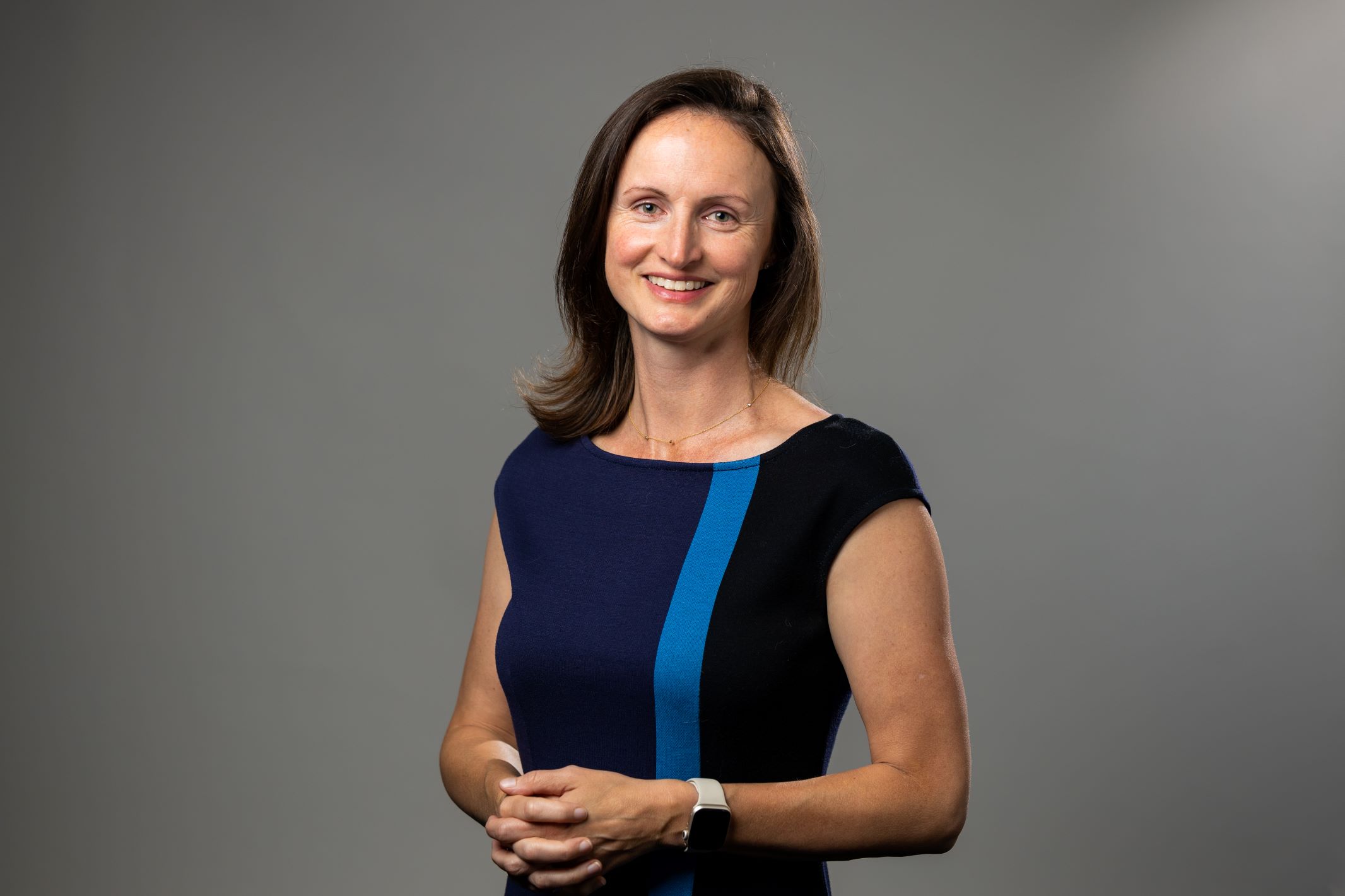
Meet the new UMKC School of Education, Social Work and Psychological Sciences leader
Sara Helfrich has joined the UMKC School of Education, Social Work and Psychological Sciences as inaugural dean.
Previously, Helfrich served as the interim dean of the Patton College of Education at Ohio University, where she oversaw four departments: Counseling and Higher Education; Recreation, Sport Pedagogy and Consumer Sciences; Educational Studies; and Teacher Education. In this role, she oversaw 125 faculty and staff at six campuses, serving nearly 2,000 undergraduate and graduate students. She received a Ph.D. in Instruction and Learning, Reading Education Cognate from the University of Pittsburgh.
Did you have teachers who inspired you?
I did, though not at the time. My third-grade teacher was terrifying. When I look back on it, it’s not how we would teach today, but she was a fantastic teacher of the whole person. She taught us to speak up for ourselves. The professor of my introductory education course my freshman year of college really challenged us to think about things that, at that time, were not talked about like they should have been and are today, like the gender assumptions we make about children, the toys we give them and how we expect them to play and act. She was very inspiring.
Why did you become a teacher?
From a young age, I just knew I wanted to be a teacher. I was drawn to it naturally. I liked working with people to help them learn and become better at something. My first teaching position was as a special education teacher. I loved the students, but I realized that I was unprepared to work with them because they all struggled with reading in different ways. As a second or third-year teacher, I didn’t know the best way to be helpful.
I decided to get my doctorate in literacy education. Pretty quickly I realized that I could have the most impact working with pre-service teachers. Teaching teachers meant that I wasn’t only helping the children in my classroom, but helping the children in all of my students’ classrooms.
What attracted you to UMKC initially?
When I was looking into the dean’s position, UMKC Forward was in process. I thought the programs that were coming together in the school were a really magical combination. They speak to each other, and they can stand alone. I was amazed at the possibility of the future career paths for our students and the opportunity for the faculty and the students to work together.
In addition, from the beginning, I was attracted to the university’s connection to Kansas City and its commitment to urban areas of the city. I grew up in an urban public school system. In college, I did some of my teacher training in urban schools, and it was great. I was excited that UMKC was intentionally focusing on placing students and graduates into urban schools and other clinical settings in the city. It’s a great give-and-take relationship. The things our faculty and students offer to the city are valuable, but the community offers as much to us.
My goal is to spread the message of our outstanding programs and the opportunities available to our students and alumni. We are helping to create talented professionals in education, counseling, research and social work who are making significant contributions in their communities. In addition to their success, they are role models for the next generation.”
Jul 18, 2023
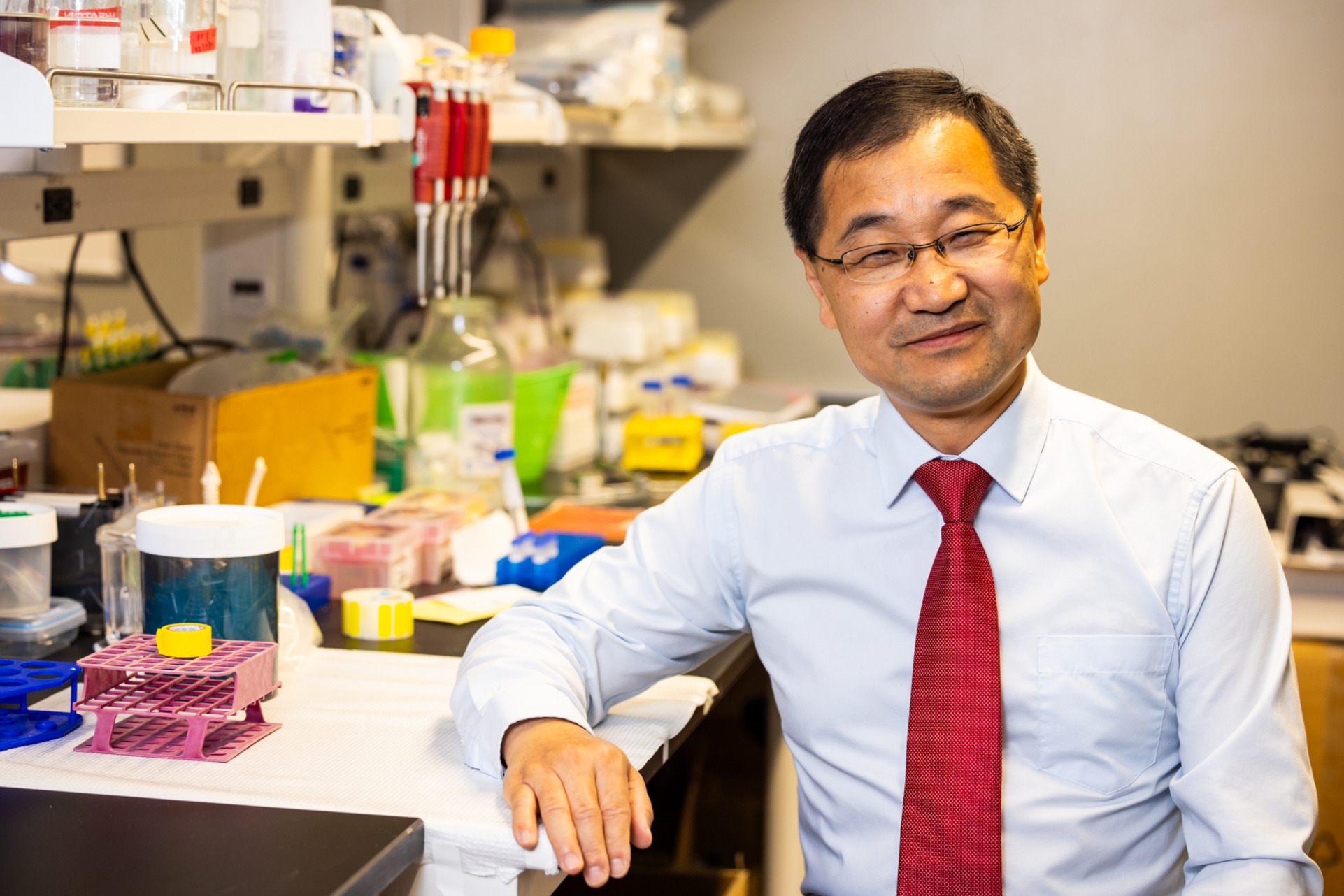
Shizhen “Jeff” Wang’s project will be funded for up to four years
Shizhen “Jeff” Wang recently received the R01 grant, a research project award from the National Institutes of Health (NIH), which will support his research for up to four years with about $1.3 million.
Wang credits the UMKC Center for Advancing Faculty Excellence (CAFÉ) program for help in securing the funds.
The CAFÉ program is currently in its second year. By providing comprehensive resources and support under four pillars (teaching and learning, service and engagement, research and creativity and faculty life and leadership), the program aims to advance faculty excellence.
One of the resources under research and creativity include workshops. During the workshop Wang attended, Chris Liu, Ph.D., Yong Zeng, Ph.D. and Alexis Petri, Ph.D., shared their experiences applying for federal grants and, more importantly, as grant reviewers.
“This was especially helpful for me as a junior faculty member without grant-reviewing experience. Developing the ability to write grant applications from the standpoints of reviewers is a key point to impress scientific reviewers and get their endorsements on my research project,” Wang said.
The CAFÉ workshop that Wang attended also featured experienced senior faculty Mark Johnson, Ph.D., professor at the UMKC School of Dentistry. His talk on preparing compelling grant applications to the NIH and effective ways to communicate with program officers to get their help and support was extremely helpful for Wang as he prepared his grant summary proposal. Feedback from other workshop attendees and the seed money that supported Wang’s quest to obtain his research’s preliminary data were additional benefits the CAFÉ workshop provided him as he worked on his grant application.
The grant will help support Wang’s project to understand the structure, function and drug modulation of cardiac voltage-gated sodium channel Nav1.5.
Wang’s lab will research how the Nav1.5 channel opens or closes in response to electrical stimuli and how genetic mutations alter the structure and function of the Nav1.5 channel that could lead to life-threatening diseases. These studies will pave the way for developing novel drug molecules to treat arrhythmias with higher specificities.
Jul 18, 2023
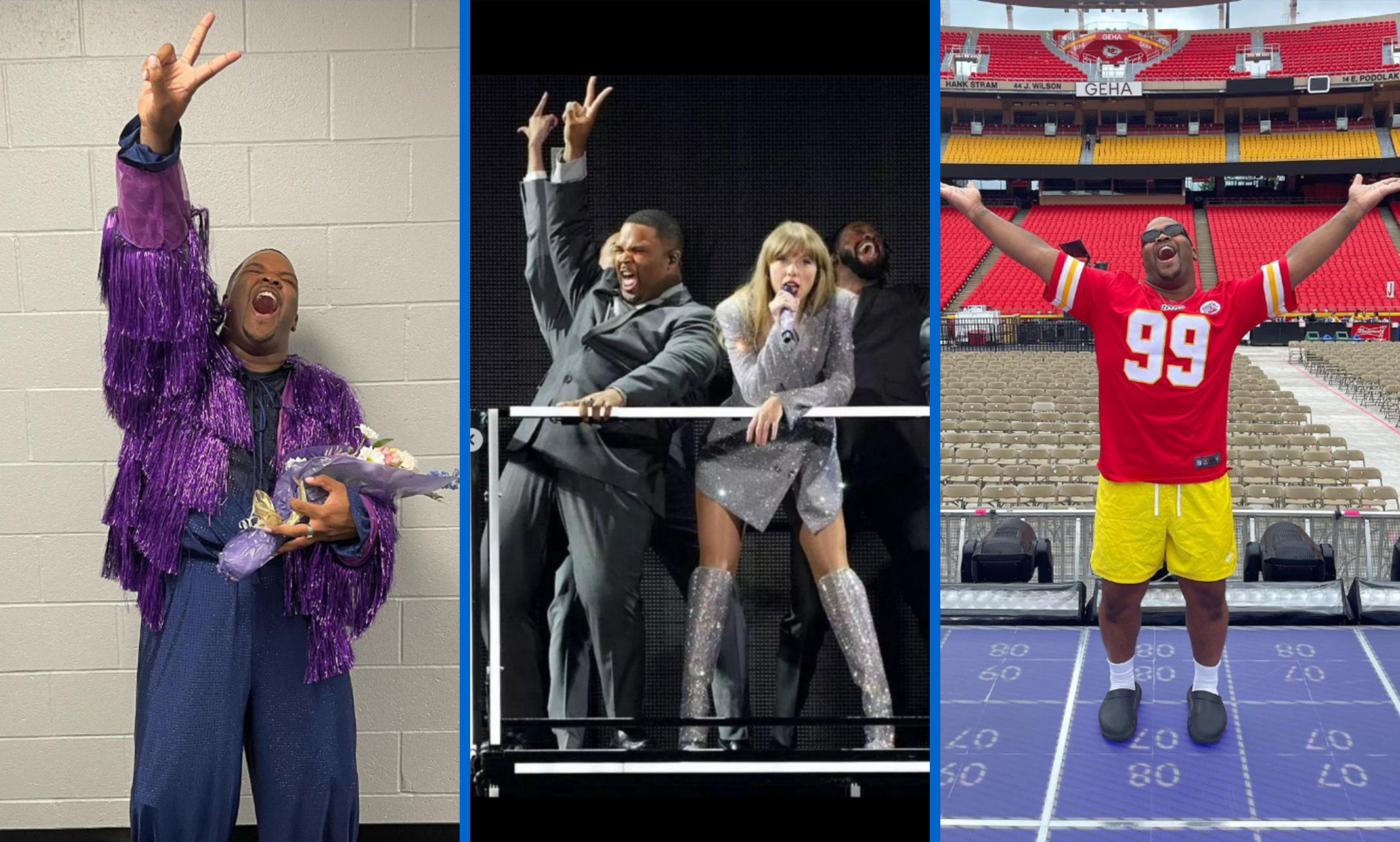
Conservatory alumnus Kameron Saunders even had the chance to ‘make the whole place shimmer’ in Kansas City recently
Kameron Saunders (B.F.A.) is currently on the Eras tour with Taylor Swift as a backup dancer. Although originally from St. Louis, Saunders considers Kansas City a second home.
Ahead of Swift’s Kansas City concerts, Saunders posted a picture on Instagram sporting a Khalen Saunders Chiefs jersey. It just so happens, the dancer and the former Chiefs defensive tackle are brothers! In the post, Saunders stood in Arrowhead Stadium with open arms and a gleeful smile.
“I graduated from UMKC, I lived here on and off for the past 4 years, my brother played for the Chiefs (2019-2023) and I’ve been to games at this stadium way more times than I can count to support my brother but never been on the field. Full circle!!!” Saunders wrote in the caption.
View this post on Instagram
A post shared by Kameron N. Saunders (@kamnsaunders)
The announcement of Saunders’s booking came on social media after the tour’s opening night in Glendale, Arizona.
“I can finally announce that I am one of 15 dancers (the only plus size) on the Eras world tour with Taylor Swift. I have been holding onto this since December when I got the call. We opened last night in Arizona and I am just overwhelmed by all the love messages and DMs.”
View this post on Instagram
A post shared by Kameron N. Saunders (@kamnsaunders)
It’s not the first time Saunders has shared the stage with a mega star. The choreographer and dancer also performed with Lizzo at the BET awards last year.
View this post on Instagram
A post shared by Kameron N. Saunders (@kamnsaunders)
Jul 17, 2023
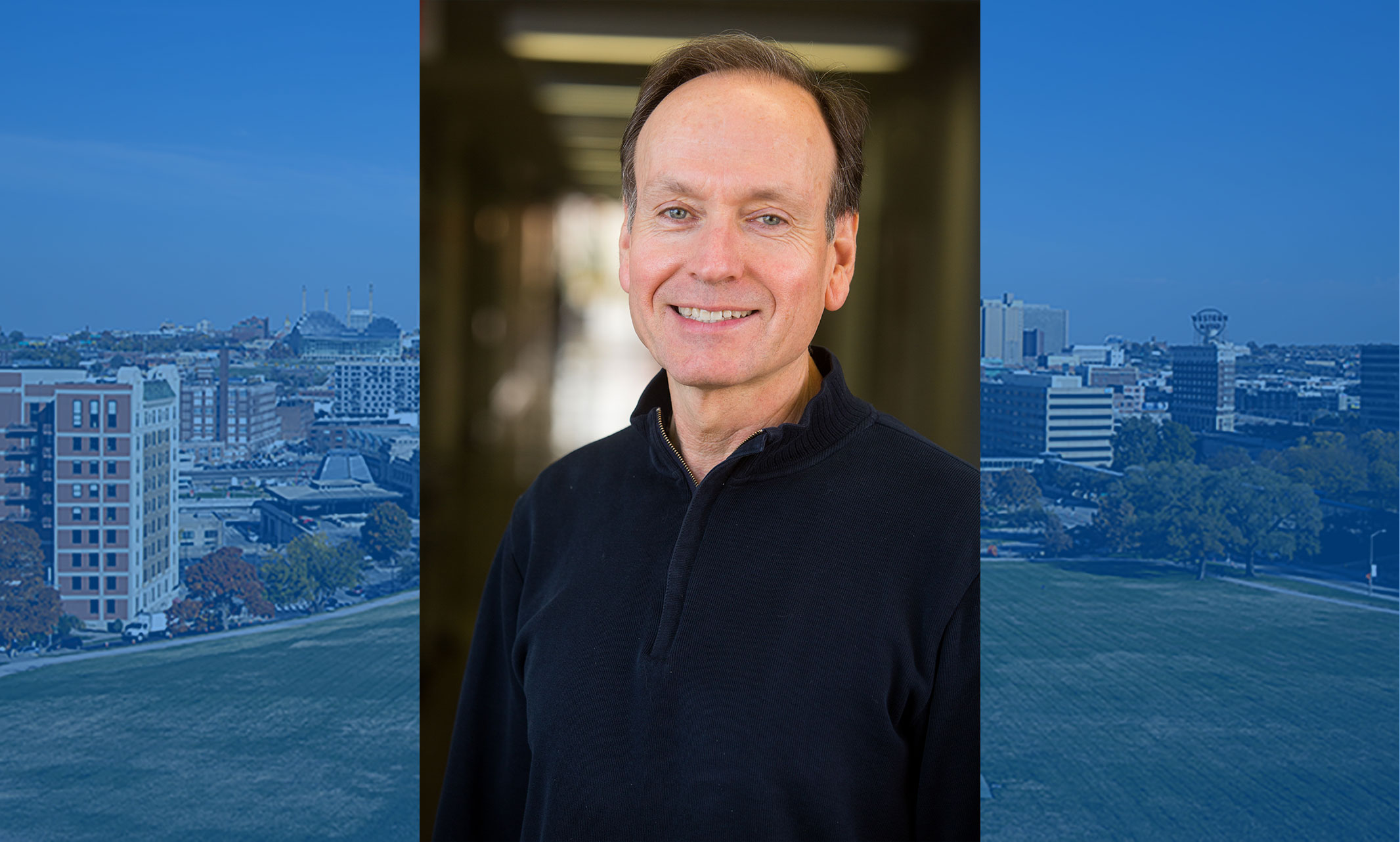
The award will fund promising research on a treatment for ALS
A University of Missouri-Kansas City researcher has secured funding for a project which could significantly improve the lives of people diagnosed with the deadly neurodegenerative disease ALS, commonly known as Lou Gehrig’s disease.
Thomas Menees, an associate biology professor, and his collaborator, Aaron Gitler from Stanford University, received the Frontiers Trailblazer Pilot award to further their research, which advances a promising drug therapy for the disease. Currently, there are no treatments that significantly alter the course of this disease, and death typically occurs within two to five years of diagnosis.
Most ALS cases are associated with clumping of the RNA-binding protein TDP-43 inside motor neurons of the brain and spinal cord, which leads to motor neuron death.
Gilter and Menees were both studying enzymes that suppress TDP-43 aggregation, and thus decided to collaborate to identify these enzymes that could help treat ALS and HIV infection when inhibited. Menees plans to carry the work forward by using the best inhibitor to develop a drug for ALS.
“We’re in the ‘Valley of Death’ stage right now in the drug development process,” Menees said. “This is where basic research discoveries that could help patients have advanced to a point where targeted, applied research funding is important, but hard to get. Our project will take our best inhibitor and design novel, more effective inhibitors that could slow or stop the progression of ALS.”
This project is a collaboration among UMKC, Stanford University and the University of Kansas.
Jul 13, 2023
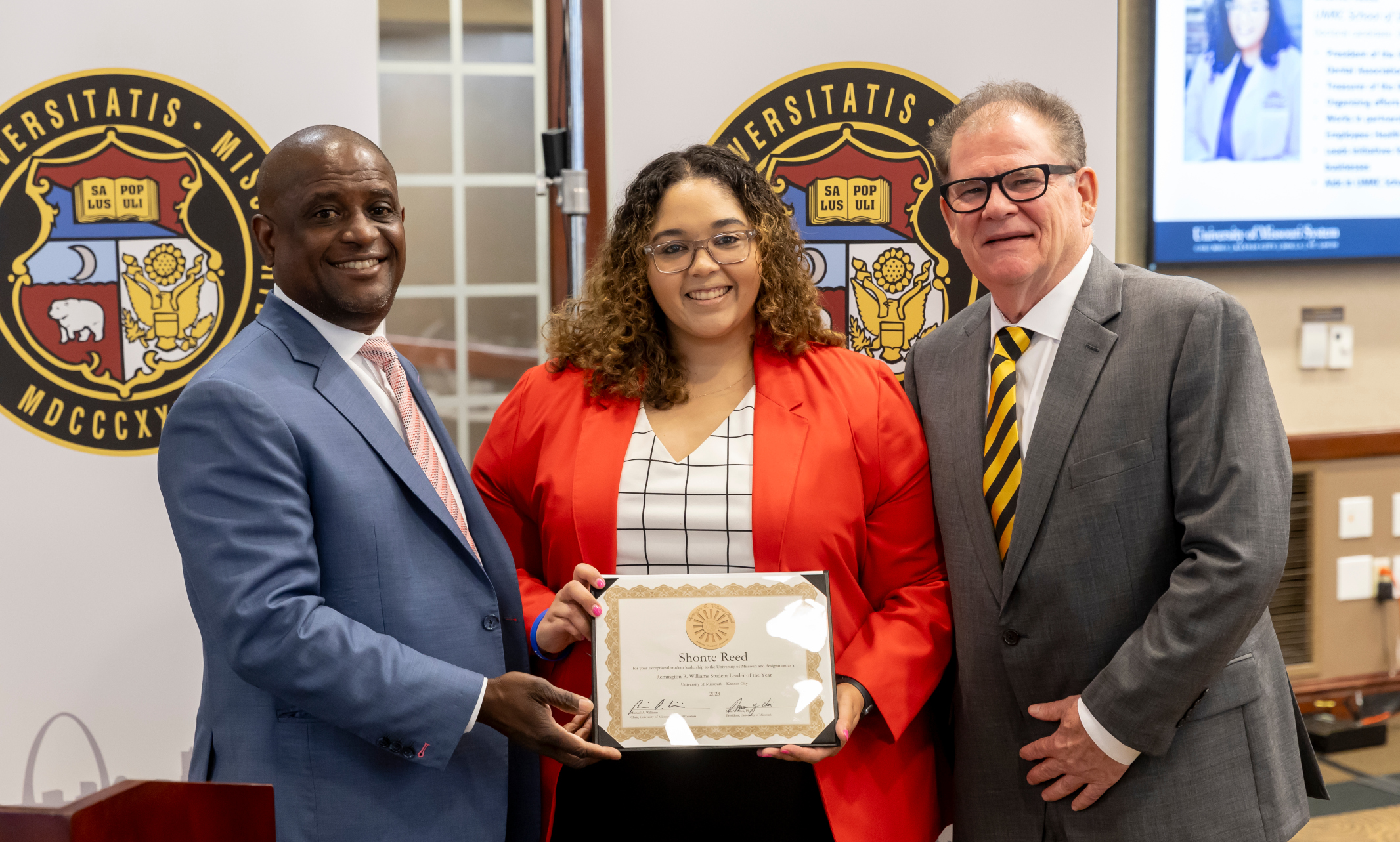
Remington R. Williams Award, named in honor of late student leader and UMKC alumnus, recognizes outstanding character and collaborative spirit
Shonte Reed, a rising fourth-year DDS student at the UMKC School of Dentistry, has been chosen to be the inaugural UMKC recipient of the Remington R. Williams Award.
She will be recognized at the June 29 Board of Curators meeting for maintaining an outstanding academic record while providing exceptional leadership and service.
UMKC alumnus Remington Williams (J.D. ’22), the student representative to the University of Missouri Board of Curators, died in a car accident last year. He was revered as a natural leader and caring human being who accomplished much, driven by a passion for helping others.
“Shonte Reed has demonstrated exceptional leadership and commitment to her classmates, and to her community,” said UMKC Chancellor Mauli Agrawal. “Her tireless efforts to encourage more young people of color to pursue careers in dentistry and other health professions are a testament to her character, and exemplify the spirit of Remy Williams.”
During her time at UMKC, Reed has served as Student Council vice president of the class of 2024; president of the UMKC Student National Dental Association/Hispanic Student Dental Association; national vice president of the Student National Dental Association; treasurer for the UMKC Dental Anesthesiology Club; and a representative on the School of Dentistry Diversity, Equity and Inclusion Council. She established a national network of prospective and current minority dental students through her social media platform and business, Black Dental Students & Pre-Dents, LLC. Faculty and staff turn to her often to counsel prospective students from underrepresented backgrounds as an ambassador for the UMKC School of Dentistry.
She mobilized the organizations she led to participate in recruitment efforts at historically Black colleges and universities; led efforts by the organization to support Black-owned businesses in Kansas City; and organized holiday toy drives for Children’s Mercy Hospital in 2021 and 2022.
Reed also has served as a mentor in the Students Training in Academia, Health, and Research (STAHR) Partnership, a collaborative of the UMKC schools of medicine, dentistry and pharmacy. The program is designed to increase the number of students from disadvantaged backgrounds entering health care programs and better prepare them for success academically and professionally.
In a letter of recommendation to the scholarship committee, Richard H. Bigham, assistant dean for student programs, wrote: “In my twenty plus years of working in higher education, she is the most exceptional student I have ever supported and has become a transformational leader for our community.”
In addition to multiple recommendations from School of Dentistry faculty and staff, her nomination was also endorsed by Laila Hishaw, DDS, a UMKC alumna and president of the board, Diversity in Dentistry Mentorships Inc.; and Melissa Robinson, president of the Black Health Care Coalition in Kansas City.
The Remington R. Williams Awards are the highest non-academic award bestowed on students by the Board of Curators and are given in memory of his outstanding service as Student Representative to the Board (2020-2022). Recipients will be selected annually from among the four UM System universities and will receive a leadership medal to wear at graduation, a $1,000 award and an invitation to be recognized at a Board of Curators meeting.
The awards recognize exceptional student leaders who have also made an impact on their respective institution, inspired growth and development of fellow students in both academics and extracurricular activities, and exhibited outstanding character and collaborative spirit at all times.
Jun 28, 2023
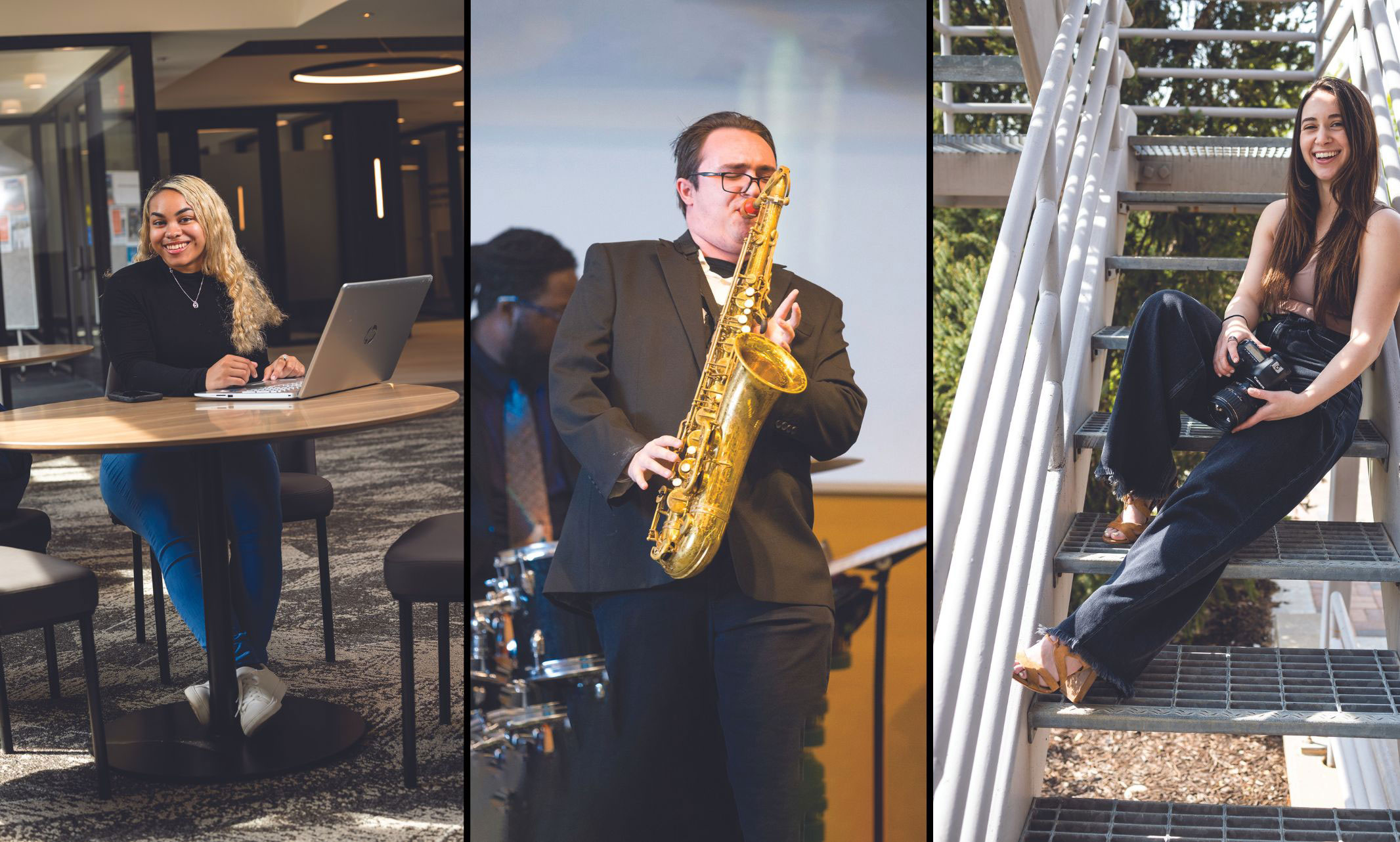
Student entrepreneurs champion the side hustle
In 2022, Americans started 400,000 new businesses every month, according to the U.S. Census Bureau. Of those, nearly 300,000 were side hustles.
Between 40 and 45 percent of Americans have a side hustle or “moonlight” at another job, and those numbers have increased significantly during the past five years. Financial gain, creative expression, autonomy and altruism are some of the many goals and objectives that motivate these entrepreneurial ventures.
“The economy, COVID-19, ownership over one’s career and individual creativity has made more people pursue side hustles,” says Alex Krause Matlack, director, Entrepreneurship Scholars (E-Scholars), assistant teaching professor and assistant director assistant director for UMKC’s Regnier Institute for Entrepreneurship and Innovation. “Some studies indicate that by the end of this decade, nearly half of individuals will be entrepreneurs because of the type of portfolio careers emerging from the gig economy industry.”
The entrepreneurial spirit that has propelled this “golden age of the side hustle” flourishes at UMKC.
UMKC Launches a Side Hustle Challenge
In 2022, the Henry W. Bloch School of Management and Regnier Institute for Entrepreneurship and Innovation introduced the first Side Hustle Challenge for UMKC students. The challenge was initiated, in part, as a response to this thriving national trend.
“We learned, through a cross-campus survey, that while only a small percentage of students were interested in being entrepreneurs, many already have side hustles,” says Matlack. “Sometimes it’s hard to self-identify as an entrepreneur, but that’s exactly what these students are doing. We wanted to find a new way to connect with students who might not think of themselves as entrepreneurs but who are doing something very entrepreneurial.”
The Side Hustle Challenge, which mirrors real-world side hustle development, both differs and dovetails with existing Bloch School and Regnier Institute programs.
“This is the first of our programs specifically targeting side hustles, or smaller businesses, students may be launching on the side,” says Matlack. “The challenge also connects to the E-Scholars program where students can launch their projects over the course of a semester.”
The challenge is an opportunity for students to pursue their entrepreneurial initiatives at a scale that allows them to continue with school. They gain knowledge and skills to develop their ideas and connect with audience wants and needs.
“Getting to know customers as a path to growth rather than riskier forms of entrepreneurship are benefits of side hustles,” Matlack says. “A venture funded by the growth of customers, rather than venture capital, is a great way to know you’ve reached product-market fit and have product customers are excited to pay for.”
Student Entrepreneurs Embrace the Side Hustle Challenge
Elle Domann, Tate Berry and Olivia Gray explored those strategies and were the inaugural Side Hustle Challenge winners.
Domann placed first in the Side Hustle Challenge with her project, Studio L, a rentable studio and coworking space for photographers and creative businesses.
“After moving to Kansas City to attend UMKC, I’ve been able to further my photography career immensely,” says Domann, who will graduate this spring with a degree in business administration, with a double emphasis in entrepreneurship and innovation and finance.
“In my hometown of Springfield, there wasn’t access to affordable resources for creative businesses like in Kansas City. Last year, I made it my mission to develop a space in Springfield where creators can work without the costs of typical studios.”
After extensive work on the space, Domann launched Studio L last October.
“I had no experience owning a brick-and-mortar store,” she adds. “It came with a lot more challenges and learning opportunities than a service-based business, like photography. The space needed renovations which was a challenge, as I had no carpenter experience. I wanted to save money, so this meant doing the work myself.”
“My favorite part of this experience is that I learn something every day. It’s a continual process of problem-solving and making changes.”
Like Domann, Berry also developed a business focused on creative professionals. His project, Musician Value Elevation, is an online platform for music business and entrepreneurship.
“Music Value Elevation is an alternative to paying thousands of dollars for music school but not acquiring the skills needed to survive,” said Berry, who will graduate this spring with a double degree in jazz studies and business marketing. “Musicians will learn how to make their ideas sustainable and provide value to others.”
Berry began developing his idea in Fall 2021 during the Bloch School Entrepreneurship Class. He refined his plans during the 2022 New Product Development course.
“The idea brought my music and business interests together,” said Berry, the 2022 UMKC Bloch School Student Entrepreneur of the Year. “My entrepreneurship classes were creative incubators that made it easier to determine my goals and find resources.”
“I learned to use design thinking in my approach and interviewed musicians and educators about music school and what they wish they’d learned. I also researched the overall value of the music industry and its untapped potential.”
After he graduates, Berry will continue to develop Musician Value Elevation and his other business ventures, including Tate’s Burnin’ Big Band.
“I need to get the capital and develop the materials and website,” he said. “Then, I’ll prototype the product so I can launch.”
In early 2022, Gray acquired her real estate license, so she could enter the challenge.
“I had no experience in real estate but taught myself the ins and outs of the industry over Christmas Break and passed the tests before Spring Semester,” recalls Gray, who will graduate with an accounting degree in 2025. “I launched this side hustle because I didn’t want to be a broke college student. Real estate seemed like a good way to make money while also being flexible, so I could still focus on my studies.”
The Side Hustle: A World of Opportunity and Discovery
In contrast to the challenge promoted by Bloch and the Regnier Institute, entrepreneurial initiatives are not always encouraged in the workplace. Until recent years, employees with side hustles, or those who “moonlight,” have been compelled to keep their pursuits under wraps. However, this mindset has seen a shift. Many organizations have recognized employee side hustles are positive for the work environment and boost employee well-being. New terms, such as “daylighting” instead of moonlighting, reflect this change.
“Some company policies still don’t allow employees to take on outside work,” Matlack notes. “However, research from Adam Grant [a nationally known organizational psychologist] supports that side hustles make employees more productive and creative.”
At UMKC, entrepreneurial explorers bring their ventures to life, and they learn about themselves in the process. As these discoveries unfold, their initial vision may transform.
“Initially, my side hustle goal was just to make money, but that has changed,” reflects Gray. “I’m now finding ways I can use my side hustle to help other people and plan to implement those within the next couple of years. My plans include renovating and selling affordable houses to people who may not have adequate funds.”
Jun 23, 2023
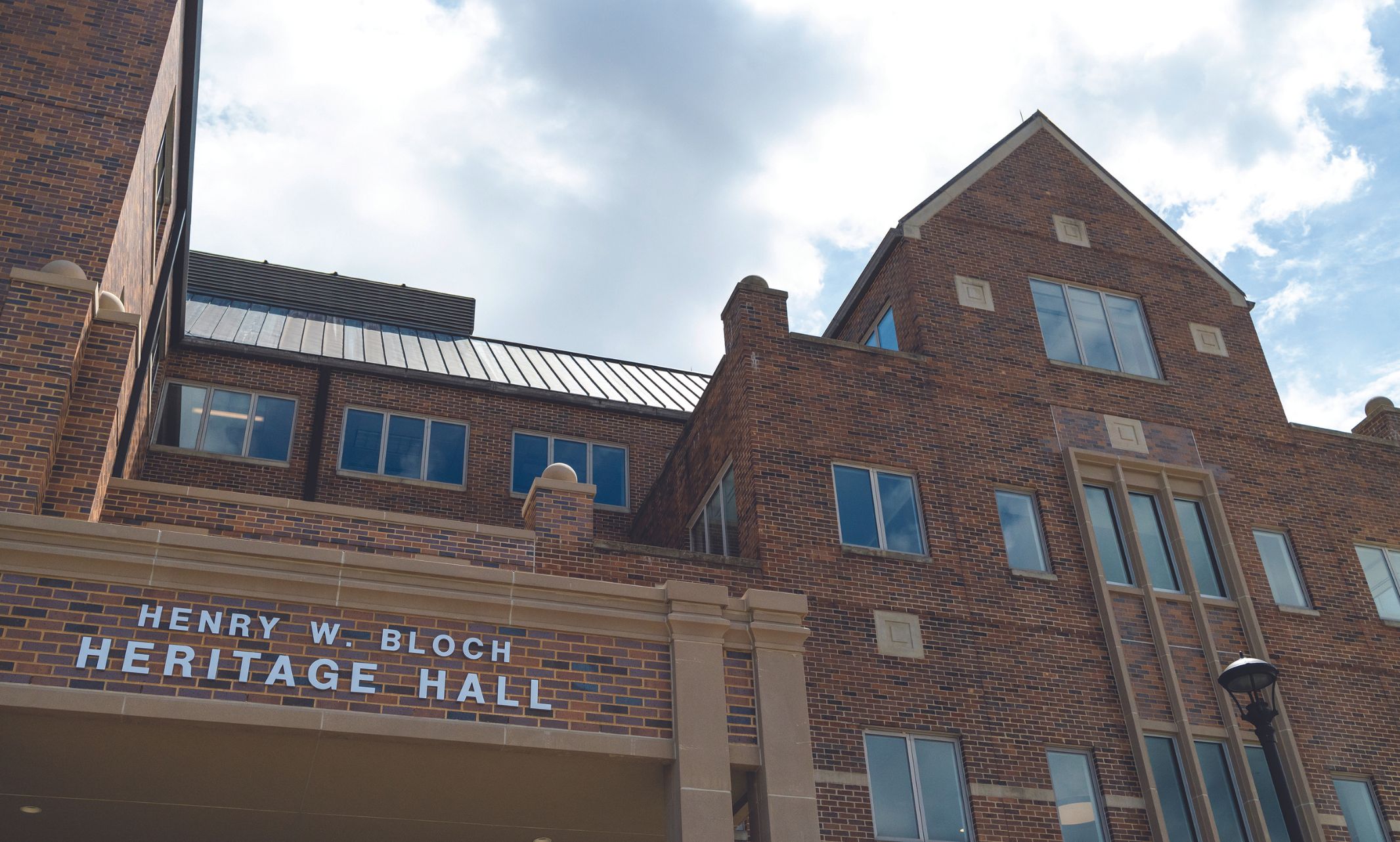
Improved Heritage Hall reopens to high praise
Last summer’s grand reopening of Bloch Heritage Hall marked a two-fold celebration, remembering Henry W. Bloch on what would have been his 100th birthday and the revitalization of a campus cornerstone. Alumni, students, university leadership, city officials, donors and members of the Bloch family all gathered for the celebration and ribbon cutting.
But now that the party is over, it’s back to class.
Bloch Heritage Hall is an amalgamation of the historic Shields Mansion, an estate built in the early years of the 20th century for grain magnate Edwin W. Shields and his wife, Martha, and a sprawling addition the university completed in 1986 with a $1 million contribution from Henry Bloch himself. With the opening of Bloch Executive Hall in 2013, Heritage Hall’s $17 million upgrade was necessary to keep up to date with the evolving school.
“The recent renovation of Bloch Heritage Hall has been a game changer, not only for our students, but for our faculty and staff as well,” says Scott Ezzell, manager of undergraduate admissions and recruitment. “Students now have a variety of indoor and outdoor spaces in Heritage Hall available to use for individual study, group collaboration or simply just to relax and socialize between classes. More students stick around between classes than ever before, and there’s a distinct energy throughout the building that wasn’t as noticeable before the renovation.”
As part of the project, the Marion H. Bloch Terrace and Park also went through a transformational beautification and enhancement, providing outstanding space for students, faculty and staff to gather and collaborate. It has also been, and will continue to be, the site for many events at the school, helping to build connections and community.
The multi-year project sought to maintain the aesthetics of the building’s historic exterior, while moving dated sections of the building’s interior into the 21st century with new offices, gathering spaces and classrooms entwined with modern technology that fosters flexible learning environments for students.
Only accelerated by the COVID-19 pandemic, the need for remote learning options has grown in recent years, as more students demand hybrid learning models to balance classwork with outside obligations. Each classroom touched by the renovation now includes such amenities as video screens, cameras and microphones, allowing access to lessons and lectures from virtually anywhere.
“The new designs and renovations make it easy for students to collaborate and work together in class to solve problems,” says Brian Klaas, dean of the Bloch School. “They give students new options for how to engage, with some joining in-person and others opting to participate virtually.”
The renovation not only improves technology but also centralizes previously hard-to-find resources into a single student services hub. From the building’s main entrance, students can now directly access valuable assets, including undergraduate advising, the career center, recruiting, tutoring and student organizations.
Designed by PGAV Architects, the hub was created by filling in two floors of an atrium — the centerpiece of the 1986 addition. Newly created floor space on the first floor created an open common area where students can mingle and meet.
“In addition to the renewed energy, students, faculty and staff are now even more accessible as a result of the new Bloch Student Services Hub. Students can now just come to the hub’s front desk to find help with anything they need,” Ezzell added. “It could be a prospective student wanting to learn more about Bloch and our programs, a current student needing class or career advice or someone wanting to visit their professor during their office hours. With most of Bloch’s faculty and services offices centrally located, we’re able to serve our students and collaborate with one another more efficiently and effectively.”
Jun 23, 2023
Lessons in business for the arts, history, science, medicine and more
The Bloch School has a unique campus-wide mission: spread an entrepreneurial mind-set and business thinking across UMKC’s campus and into the broader community.
Bloch academic partnerships range from specific examples, such as the Graduate Certificate in Performing Arts Management, a joint program with the Conservatory; to more general, such as the Entrepreneurship Innovation Grant program, which supports student, faculty or staff initiatives in entrepreneurship across all academic units. These initiatives can include curriculum development, technology commercialization, school and department innovation, community engagement and ecosystem building.
The Entrepreneurship Minor, which is open to all UMKC students, brings an entrepreneurial perspective to a student’s major field of study. Students from outside the Bloch School have the option of replacing up to two electives with discipline-related entrepreneurship electives.
In addition to course work, Enactus, a student club focused on entrepreneurial public-service projects, is run from Bloch but open to students in any major.
“Only about half the students in Enactus are business majors, and the Entrepreneurship minor is the most diverse program in the Bloch school,” said Jeff Hornsby, Curators’ Distinguished Professor, Henry W. Bloch/Missouri Endowed Chair of Entrepreneurship and Director, Regnier Institute for Entrepreneurship and Innovation. “I really feel that the effort to spread entrepreneurial thinking to all corners of UMKC has been greatly reinforced by all of the cooperation we’ve received from the schools across campus.”
The Cross Campus Advisory Board works to promote a culture of entrepreneurship throughout UMKC. The group includes faculty from seven different academic units outside Bloch, plus staff from the UMKC Innovation Center.
The School of Law maintains longstanding partnerships with Bloch through the Business and Entrepreneurial Law emphasis area, including the Law, Technology and Public Policy course at the law school and the Entrepreneurial Legal Services Clinic. During the clinics, law students, who are overseen by faculty, provide legal support for startup efforts.
Students completing a B.A. degree in Urban Studies may pursue early admission to the Bloch Master of Public Administration (MPA) program while simultaneously reducing the total number of hours required to complete the MPA. Similarly, students enrolled in an undergraduate program at the School of Science and Engineering may apply for entrance to the Professional Master of Business Administration (PMBA) program at the beginning of the final year of their undergraduate program.
Students in the B.A./M.D. program at the School of Medicine can pursue the PMBA during a leave of absence after the completion of year four. Students in the School of Dentistry DDS program or the School of Pharmacy’s Pharm.D. program can pursue the PMBA simultaneously. Because the UMKC PMBA can be completed online, Pharm.D. students at any one of the three campus locations (Kansas City, Columbia, Springfield) may apply to the this program.
Jun 23, 2023
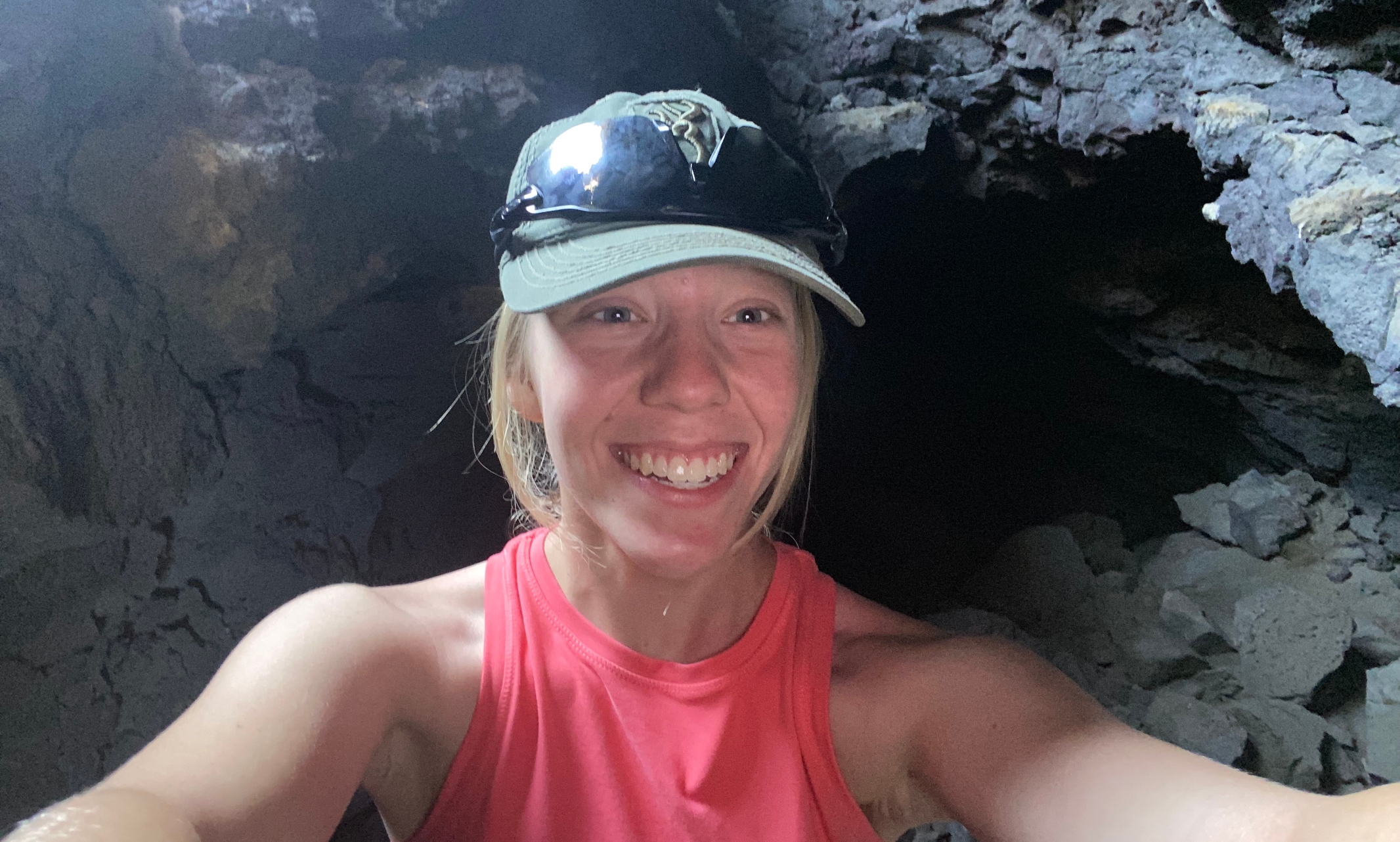
Tyler Center for Global Studies funds student research projects in Argentina, Iceland and Jordan
Three UMKC undergraduate students have received $2,000 grants from the Tyler Center for Global Studies to fund research projects in foreign countries.
Yasmeen Hanon will study international issues such as Arab-Israeli relations, regional conflicts, politics, international relations, environment and more in Amman, Jordan. Maximus Reeds will research media bias involving news coverage of the indigenous Mapuche people in Puerto Madryn, Argentina. Mya Thomas will work on creating a safer and more accurate modeling system for volcanic lava tubes at the Askja volcano in Iceland.
They are the first UMKC students to receive research funding from the Tyler Center, which works to advance global education through funding organizations and programs that support international education, innovation and research, with priority given to Pell-eligible students.
Maximus Reeds, Argentina
Reeds, of Lee’s Summit, launched his project in the capstone seminar program in the UMKC Department of History. His ethnic background is Welsh-Argentine, and he has been following the struggles of the Mapuche people in Chile and Argentina and the Welsh people in the United Kingdom for several years.
In his preliminary research, he found significant differences in media coverage of these issues between media outlets with a nationwide audience, and those primarily serving local communities. In Argentina and Chile, he said, the national media tend to portray these issues through the lens of their individual political leanings. He also noted that violent interactions dominate coverage.
“These interpretations disregard the daily, peaceful interactions between Mapuches and Argentine and Chilean citizens, which is the focus of local newspapers.”
Mya Thomas, Iceland
Thomas is from Columbia, Missouri and is majoring in earth and environmental science with an emphasis in geology; she is also enrolled in the UMKC Honors Program and is pursuing a minor in astronomy and a certificate in geographic information systems. She will be traveling to Iceland with her research mentor, Prof. Alison Graettinger.
The basis for her research is that volcanoes are dangerous places, and not just when they erupt. Scientists often have to navigate dangerous terrain, including caves and lava collapse features, lava tubes and holes. Thomas is working on a method to create accurate digital models of features such as lava tubes.
“Understanding the nature of lava tubes is important to my academic path because my interest falls in planetary science,” Thomas said. “Studying cave environments is important to planetary science since they may be considered as living quarters for astronauts on extraterrestrial lands.”
Yasmeen Hanon, Jordan
Hanon recently received a Benjamin A. Gilman International Scholarship for her research project in Jordan. Hanon, from Kansas City, will spend this summer at CIEE in Amman, Jordan, conducting an analysis of how western and Middle Eastern media outlets perceive and portray conflicts in the Middle East. She is pursuing a double major in political science and environmental science, with an international studies minor.
Jun 23, 2023
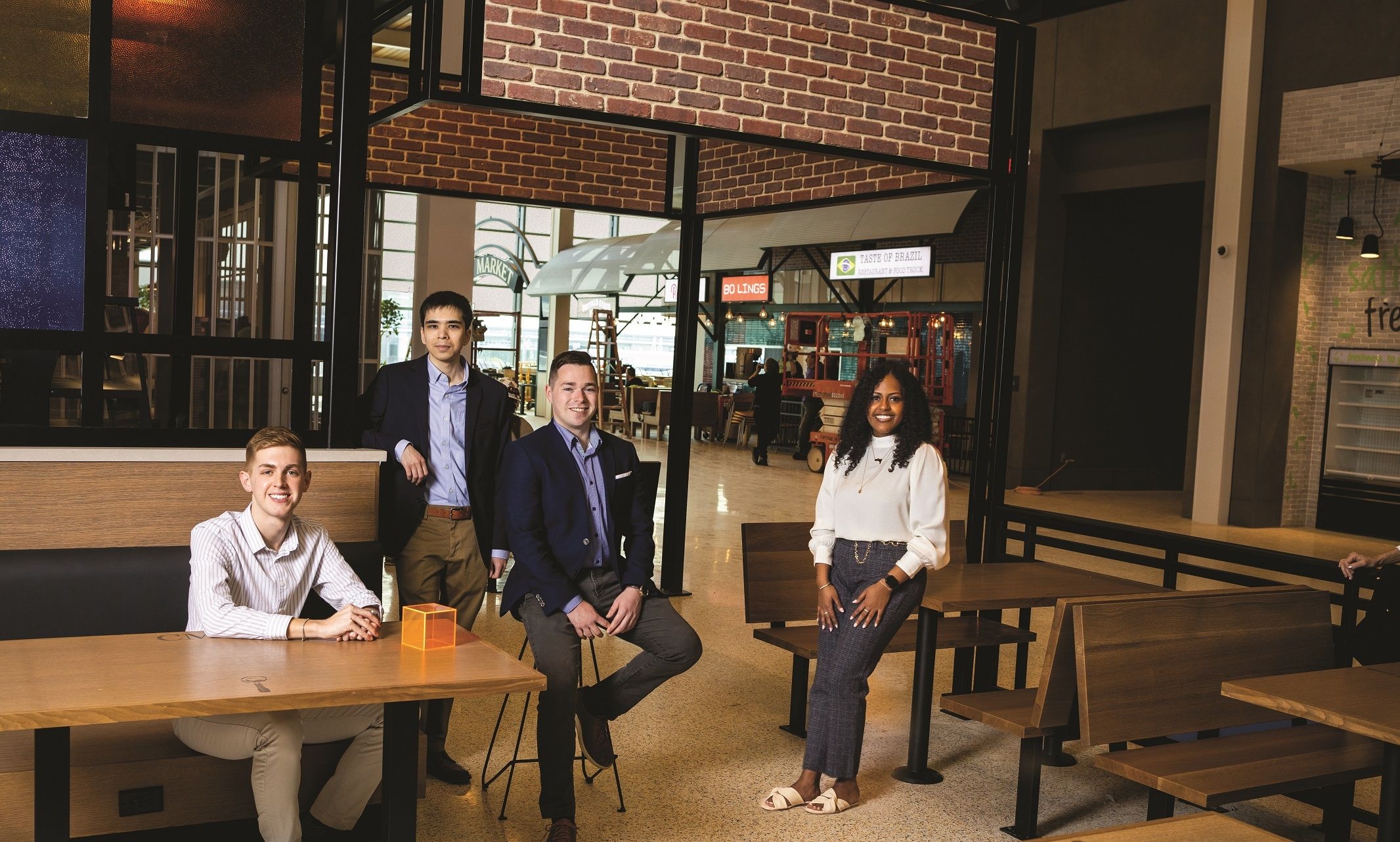
Bloch Consulting Lab creates lessons from real-world experiences
As MBA student Msgana Teklebrhan Zegeye sees it, a business consultant’s job is to learn whatever a client needs them to learn.
That’s exactly what she’s done in her job as a student consultant employed with the Consulting Lab, a new Regnier Institute initiative at the Bloch School. With generous donor support, the Lab hires students like Zegeye to serve as pro-bono consultants for Kansas City-area entrepreneurs and small businesses. Working under faculty supervision, student consulting teams provide a range of services, including market research, business plan development and financial modeling. The lab is designed to both provide opportunities for experiential learning and valuable consulting resources for the community, with a particular focus on entrepreneurs and small businesses from under-served communities. It also helps students develop critical thinking and problem-solving skills, analytic capabilities and communication skills. As part of this effort, the Lab has partnered with several organizations that work with entrepreneurs from underserved communities. These partners have been instrumental in identifying clients that might bene-fit from the Lab’s consulting resources. AltCap, G.I.F.T., the Urban League, Pipeline Pathfinders and Pathway Financial Education have all been working with the Lab to create connections with potential clients.
The Lab also partnered with Vantage Airport Group, the company overseeing concessions at the new Kansas City International Airport. During this project, Zegeye and the other students on the consulting team worked with the local businesses preparing to open inside the new concourse. For all of the Bloch Consulting Lab projects, the consulting team must first understand the client’s business and the nature of the problem that they are being asked to address. Then they must develop a thorough understanding of any unique aspects of the client’s operation.
Photo by Brandon Bland | UMKC
Working with concessionaires at the Airport, the consultants learned about special security precautions that affect how a business operates. They learned that restaurants can have knives, but only if the knives are tethered to a wall. They learned that employees must live at the address printed on their official ID and about other security requirements that might affect the available pool of employees. They learned about how the business model for a restaurant or store may need to change when operating inside an airport. They also learned about the challenges of attracting workers given the distance to the airport from where many potential employees live. “I’m not going to say problems didn’t arise,” Zegeye says of her consulting work leading up to the airport’s grand opening. “But, figuring out how to manage them has been one of the best things.” The Consulting Lab is a relatively new Bloch School initiative, opening just last summer. Friends of the school have provided both philanthropic support and creative ideas about how the Lab can be most impactful, both for students and the community. Mike Plunkett, co-founder of PayIt and chair of the Bloch Advisory Board, led productive brainstorming sessions with the Bloch Advisory Board about how to launch and support the Lab. Young Sexton, founder of WingGate Travel and the Sexton Family Foundation, advocated for leveraging student expertise to help underserved entrepreneurs accelerate growth at key stages of the entrepreneurial development cycle. Roger Nelson, former deputy chairman of Ernst & Young, developed processes for the Lab to support application-based learning and to enhance the effectiveness of consulting services. Jeffrey S. Hornsby, director of the Regnier Institute and the Henry W. Bloch Endowed Chair of Entrepreneurship, is one of the faculty members overseeing student consulting teams. According to Hornsby, “This is the perfect project for a school with a strong commitment to community engagement, one that reflects Henry Bloch’s long-standing vision for the school.” In addition to their work at the airport, consulting teams worked with several clients identified through other organizations. This included projects for an entrepreneur with a strong, on-going business who wanted to expand via diversification into a related line of business, a technology firm in early startup mode who needed assistance with its business plan and a new venture that needed assistance with brand development.While working with the Consulting Lab, students are assigned to teams and supervised by a Bloch School professor. The Lab, which plans to employ between 30 and 40 students annually in future years, is open to students from across business disciplines, which means the Lab will be able to offer a variety of services.“It really offers great experience for students,” says Marvin Carolina, Jr., an assistant teaching professor who worked with the team of students assigned to the airport. “This is real time. This is real business. This is real life.” With every project, student consultants start by listening to what their client is looking for and understanding their business goals. From there, they consider how best to provide support. The student consulting team also highlighted how their work with other clients helped prepare them for the work with the airport vendors. Erik Klaas suggested that, “Over the summer, I was able to work with businesses and entrepreneurs in their early start-up stages. Those early experiences in working with small businesses provided me with a great foundation for taking on the airport project.”“Most of these students have worked in jobs where they’ve earned a wage and gotten a W-2,” says Bruce Snyder, a faculty advisor to the lab who spent more than 30 years at Ernst & Young, a business management consultant firm based in Kansas City. “But to talk to a business owner and understand what it takes to succeed is not something out of a textbook where you’re given the facts and the numbers. These are not, by any means, textbook cases. They’re very fluid.” “Helping businesses in urban, underserved communities overcome obstacles, to become stronger and cre-ate jobs will make communities stronger,” says Snyder. “Economic growth is the key to any successful urban community.” From the Bloch students’ perspectives, the Consulting Lab is also designed to provide hands-on experience that will help them compete for top jobs when they’re ready to enter the business world.Henry Meeds, who is majoring in management and accounting, says the experience he gained while working with the Consulting Lab helped him land a permanent job in New York City. When he graduates this spring, Meeds will step into a consulting position with PwC, one of the country’s top consulting firms.“We’re getting hands-on experience during every part of the project,” Meeds says of his team’s work at the airport. “We’re doing things that maybe a partner would be doing at PwC.”Nicolas Hartung, another student on the airport project, says the consulting work has made him a more confident communicator.“In January, we went (to the airport) and delivered our project to all of the concession owners and opera-tors there,” he says. “It was a really cool experience because we saw how we’re helping them firsthand, and that they were actually going to take our advice and learn from it.”As part of the experience, students learn to sell themselves, Snyder says. Although the lab doesn’t charge clients, students need to persuade clients to give them the time it takes to provide consulting for their businesses. Some clients realize that the students’ ages and perspectives can offer perfect measure for how their business plan will be received.“Being candid, we’ve had some businesses come to us with what they think is a good strategy or a good development, but we’re scratching our heads and wondering how this would work,” Snyder says. “Then the businesses realize that if the students, who represent the demographic group they may be targeting don’t understand, it’s unlikely the general public will.”Gaining a new perspective was a big reason Vantage’s general manager, Lovell Holloway was excited for the opportunity to work with Bloch’s student consultants. “This is a once-in-a-generation opportunity and our vision was, how do we bring more people along?” Holloway recalls. “We have legacy behaviors around staffing, economic impact studies and internships. We wanted to break the norm.”Holloway asked students to get involved in each of those areas as his company opened concessions at the airport.“Having the perspectives of people from a younger generation only made sense,” he says. “They’d have fresh ideas and help us look at this from a better point of view.”
Jun 23, 2023
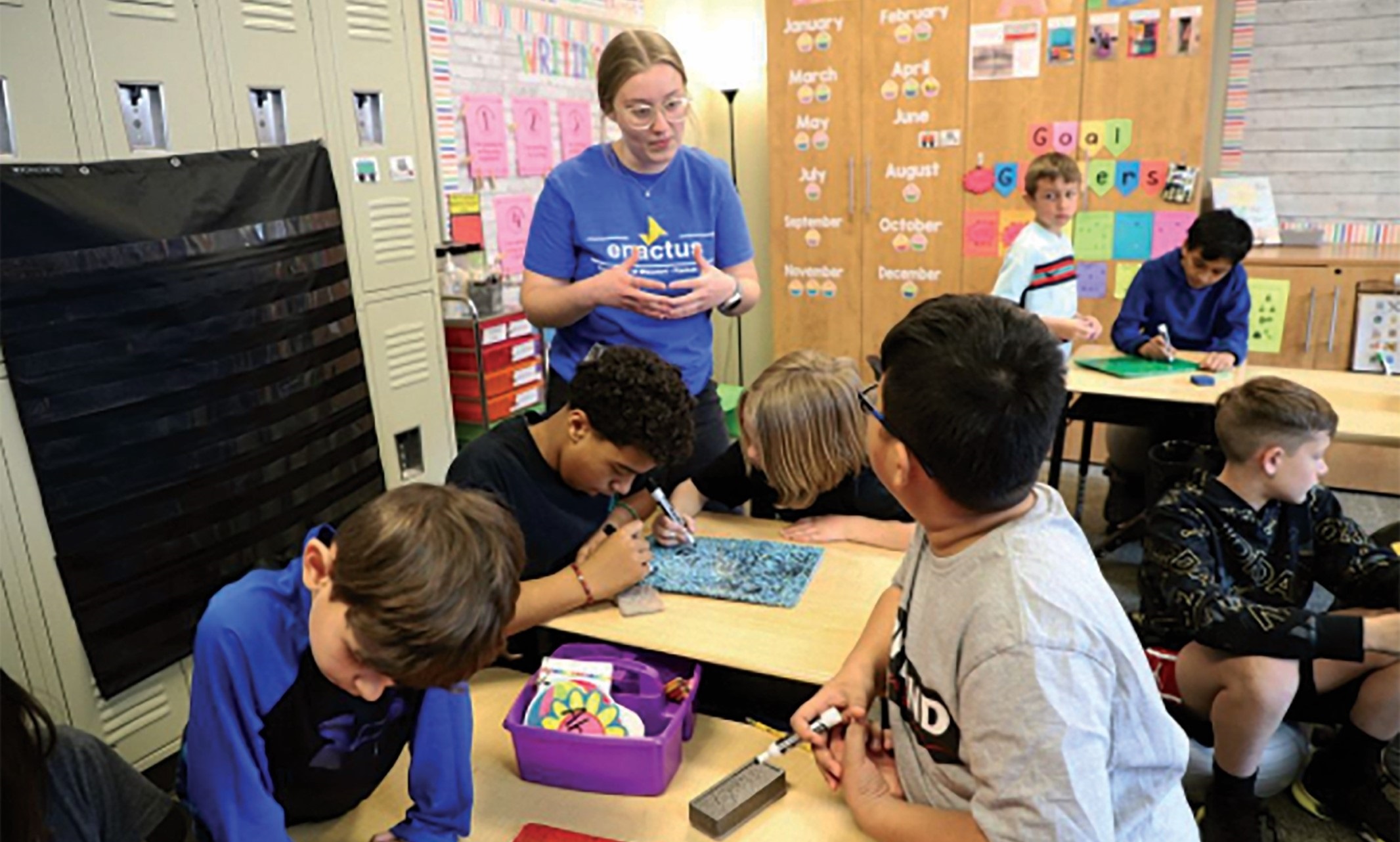
Sustainable projects carry team to eighth in the nation
For a second year in a row, the UMKC Enactus team has broken into the semi-final round of the Enactus USA Competition, beating dozens of teams from across the country to place eighth in the overall competition.
The competition, held in mid-April, drew more than 500 students from 51 American universities to the University of Texas at Dallas. Each team was given 12 minutes to share their innovative new business ventures, with an emphasis on how those projects are affecting positive change.
“Our students answer needs in a community using social entrepreneurship and create projects that are supposed to be sustainable,” says Erin Blocher, faculty advisor and assistant teaching professor for business communication at the Henry W. Bloch School of Management. “They’re using the entrepreneurial process to find a need and uncover solutions using human-centered design.”
Blocher says many teams focus their efforts around answering one or more of the United Nations’ 17 sustainable development goals. The UMKC team focused their presentation around two sustainable projects, Generation Green and Cultura En Tus Manos.
Generation Green is a startup founded by UMKC Enactus in partnership with Shatto Milk Company of Kearney, Missouri. Team President, Marineth Ordinal says the team was inspired by Shatto’s reusable glass bottles but saw room for improvement.
“The one thing that can’t be reused is the bottle cap,” Ordinal says. “One of our team members saw that and asked, ‘what can we do with all of that plastic?’”
Through research, they learned that the caps are made from plastic with a relatively low melting point and that those lids could be turned into reusable dry erase boards for students. So far, they’ve sold more than to several school districts around the Kansas City area.
Cultura En Tus Manos, Spanish for “culture in your hands,” aims to empower Mexican artisans by providing a platform where they can sell their beautifully hand-crafted goods to businesses in the United States. Blocher says inspiration for Cultura came as a product of the pandemic.
“Artisans weren’t getting the same traffic in places like city squares, because tourism had halted. Now part of the students’ roles is to figure out, now that we’re out of the pandemic, does that project move forward? Are there still ways to help and platform those artists and connect them with merchants here in Kansas City?”
UMKC Enactus will continue to work on projects through the summer months, but not all members of the 2023 competition team will be there. The team held its end of year celebration on May 2, saying goodbye to senior members, including Ordinal, who leaves the team in the hands of a new president for a new year.
“I’m really super proud of what we’ve accomplished,” Ordinal says. “I think we’re a team that could make it to finals and maybe go on to represent the United States at the Enactus World Cup. They had better watch out for the team next year because they’re going to be doing a lot of things.”
Jun 22, 2023
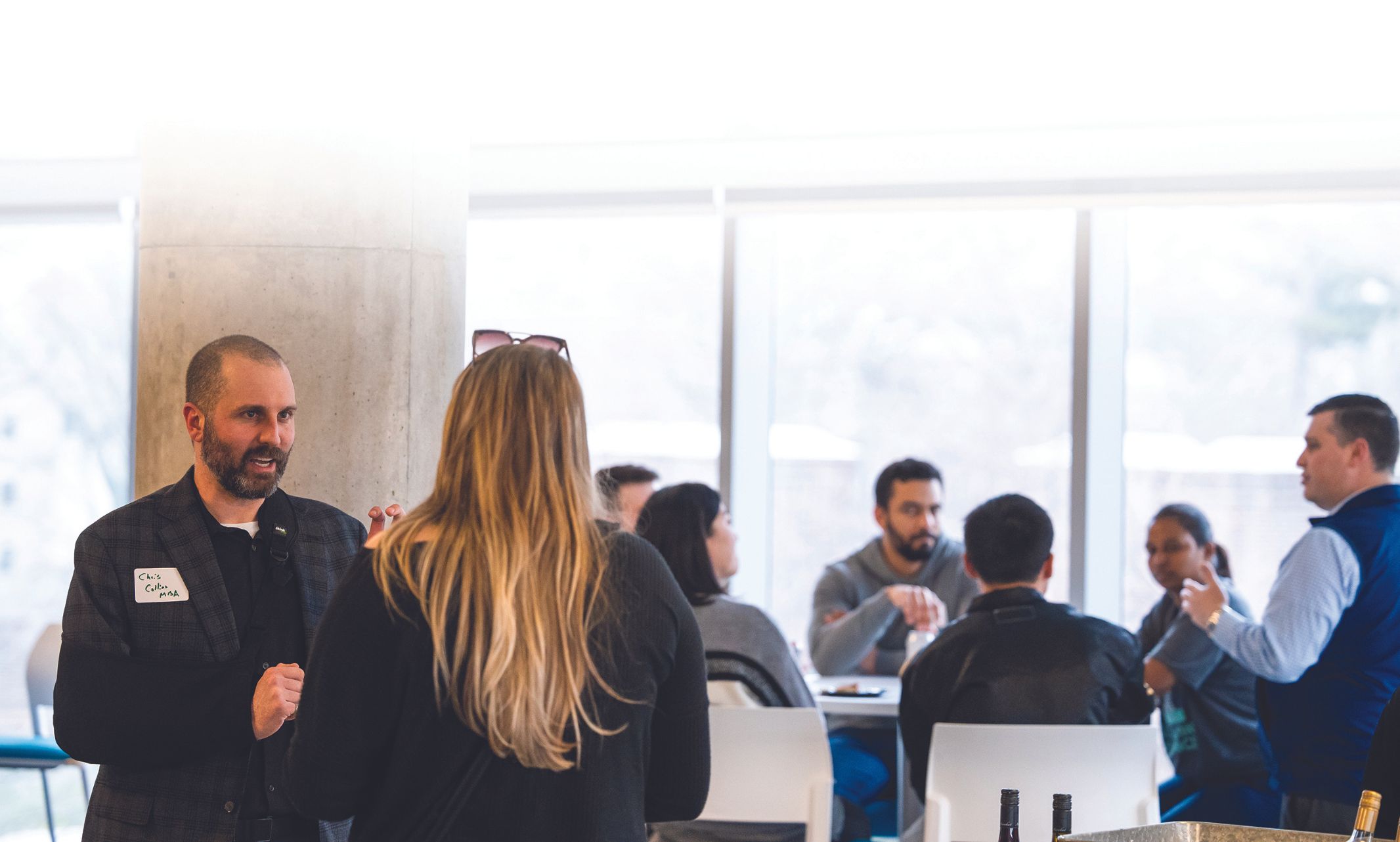
Program allows working professionals in Kansas City’s key industry sectors to customize their educational experience
The new Bloch LEAD program offers working professionals in Kansas City’s key industry sectors with the opportunity to customize their MBA. With the LEAD program, students tailor their MBA experience to allow for additional attention to the skills and competencies most critical to success in their specific industry.
As part of this new initiative, LEAD Scholars work with an executive coach to identify these skills and competencies. With their coach, they then develop a customized learning plan, drawing upon specialized coursework and curated instructional material. The structure of Bloch LEAD is also designed to provide students from a given industry with unique opportunities to build connections with leaders and working professionals in that industry.
“We are a collection of our experiences and perspectives,” remarks Stacy Cahalan, a LEAD Scholars coach. “Coaching these young professionals has been a great reminder of the incredible talent we have across so many industries and what human connection can do in our awesome city.”
“The coaching process has really been a pleasure,” says Kyle McAllister (EMBA ’21), who mentors several students. “Every student has been eager to talk and engaged in the conversation.”
Program participants also receive a scholarship and, as part of this, they create and maintain a portfolio documenting their efforts to build skills and industry connections.
Across the Fall and Spring Semesters, there are 54 scholars actively enrolled.
“I was nervous about returning to graduate school as an older student,” recalls Chris Collins, a member of the LEAD Scholars. “I was worried I wouldn’t be able to balance the coursework against responsibilities of a full-time job and family life, but I took the leap and I’m glad I did. Two semesters in and I am already applying the skills and lessons from my coursework to make a difference in my professional role.”
The LEAD Scholars program has quickly become a cross-section of knowledge, talent and ambition, bringing together early to mid-career professionals who are still hungry for more.
“Not only has the program provided me with essential tools and insights,” says LEAD Scholar Jesus Cervantes, “but it has also connected me with a group of ambitious and motivating peers who share a common enthusiasm for creating positive change in our communities.”
Jun 22, 2023
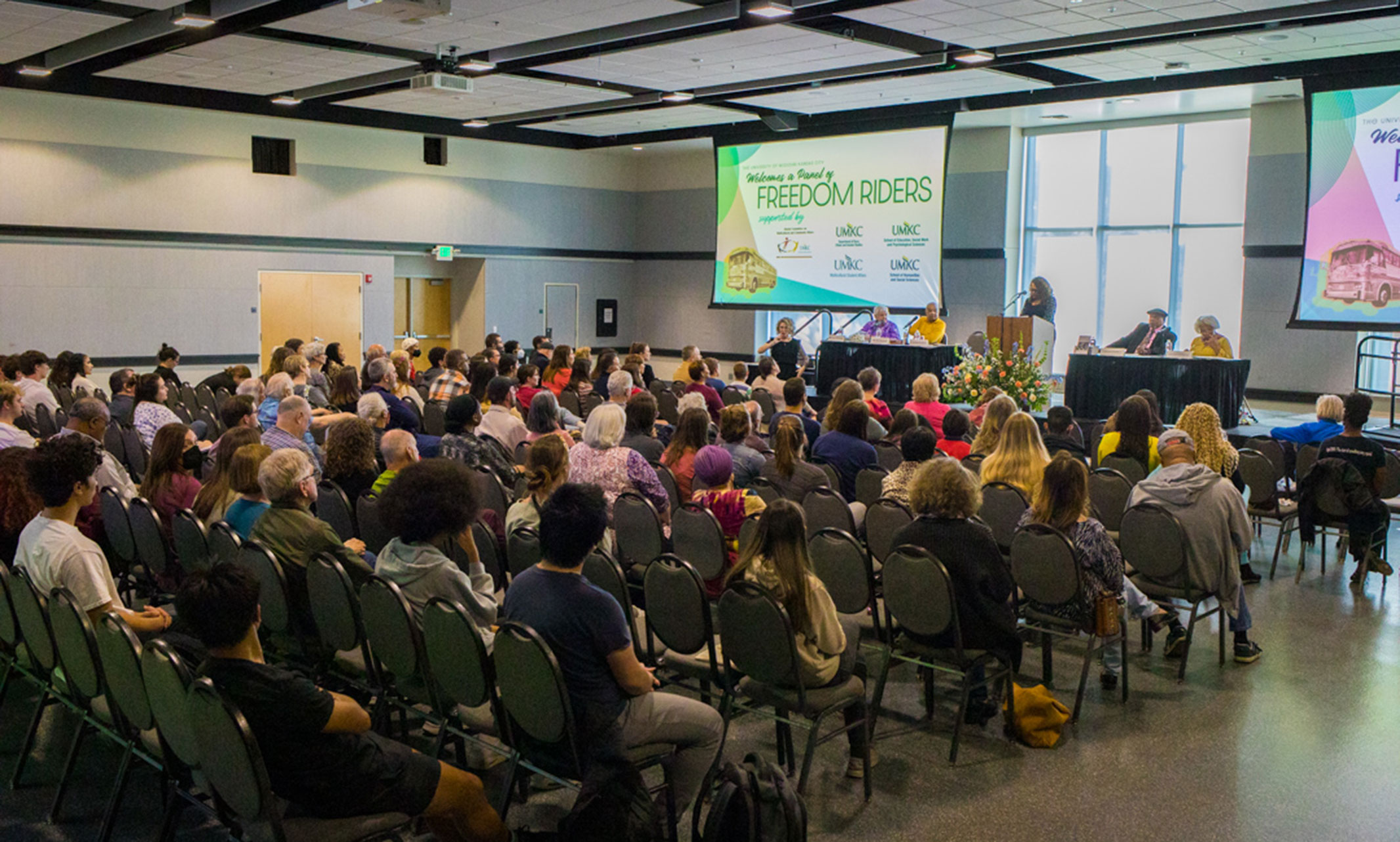
The renowned civil rights activists spoke at panel as part of School of Humanities and Social Sciences Showcase
Four Freedom Riders, civil rights activists who participated in bus trips through the American South in 1961 to protest segregated bus terminals, spoke to their experiences at multiple events around the city, including the UMKC Volker campus.
Here are just a few of their stories:
Dion Diamond began conducting sit-ins as a teenager in his hometown of Petersburg, Virginia. His activism continued at Howard University. He participated in a Freedom Ride from Montgomery, Alabama to Jackson, Mississippi.
“How naive we were,” Diamond said. “We thought the cops and the national guardsmen were there to protect us a little bit. We know that many of them, as soon as they got off the bus , put on their robes, white sheets over their bodies. I have to tell you that it's like the change of the guard at Buckingham Palace with the cops in front of the bus, cops behind the bus, National Guardsmen on the bus and helicopters flying overhead. Let me tell you, we felt safe. As soon as we’d get off the bus, we were arrested under the charge of breach of peace.”
Joan Browning participated in the sit-in movement, picketed segregated stores and facilities, and was the “last Freedom Rider,” the final person selected to join the last Freedom Ride of 1961.
“I never speak without quoting Miss Ella Baker, who was one of those most prominent teachers of young people,” Browning said. “One of the things that she taught me was that social change really comes from ordinary people. You don't have to be rich or famous or go halfway around the world to make the world better. You start right where you are with the people that you are associated with. That’s the key to expanding social justice.”
Lenora Taitt-Magubane, Ph.D., became involved in the civil rights movement while attending Spelman College in Atlanta, where she became a member of the Student Nonviolent Coordinating Committee. Her first sit-in occurred in March 1960 when she participated in an attempt to integrate the Atlanta Municipal Auditorium. Two weeks later, Taitt-Magubane was arrested at a lunch counter sit-in with 77 other students and Martin Luther King Jr.
“It's interesting how things happen,” Taitt-Magubane said. “I was involved in the movement while I was an undergrad, and we planned the movement. One of the house mothers, for example, because we were going out to meetings and coming in very late, gave us the key to the dormitory so we wouldn't wake anyone up. We could go and come as we pleased. And if we were going to do anything, we would confide in her and let her know. We had our books, and we got our assignments. I remember drawing up a schedule, which had study periods, so we weren't just sitting in jail. We had a period of time where we had to study so that when we got out, we could continue classes. And what the faculty did was, they had special classes in their homes and in the school in order to help us catch up and to make sure that we were prepared for our exams. So somehow, all of us graduated.”
Bernard LaFayette Jr., LHD, has authored several works about his long involvement in the American Civil Rights Movement, and his new memoir is “In Peace and Freedom: My Journey in Selma.” The book shares the story of his work as one of the primary organizers of the Selma voting rights movement and the Selma-to-Montgomery marches.
“I needed to get parental permission,” LaFayette said. “So what I did was I wrote to my father down in Florida, and I sent the papers to be signed for him to send them back. And I was the first one in my family to go to college. I assumed he might think it was something related to, you know, financial aid or something like that. I didn't hear anything from him, and time was running out for me to be able to get the application in on time. So, I call on the phone, and I say, ‘Daddy, did you get that letter sent to you that I sent special delivery?’ And he said, ‘Yes, I did get a letter.’ I say, ‘Oh, I'm glad you got it. I thought I got lost in the mail. Could you sign it and send it back right away?’ There was a moment of silence before he said, ‘Do you think I didn't read it?’ I said, ‘Could you just sign it and send a special delivery back so I could get it in right away?’ And you know what his response was? ‘Do you think I'm going to sign your death warrant?’ That's the way he interpreted getting on a Freedom Ride.”
Carmaletta Williams, Ph. D., Chief Executive Officer of the Black Archives of Mid-America, moderated the panel. The event was co-sponsored by the School of Humanities and Social Sciences; the School of Education, Social Work and Psychological Sciences; the Department of Race, Ethnic and Gender Studies; and the UMKC Alumni Association Multicultural and Community Affairs Committee. It was cohosted by Multicultural Student Affairs.
The full panel can be viewed online.
Jun 12, 2023
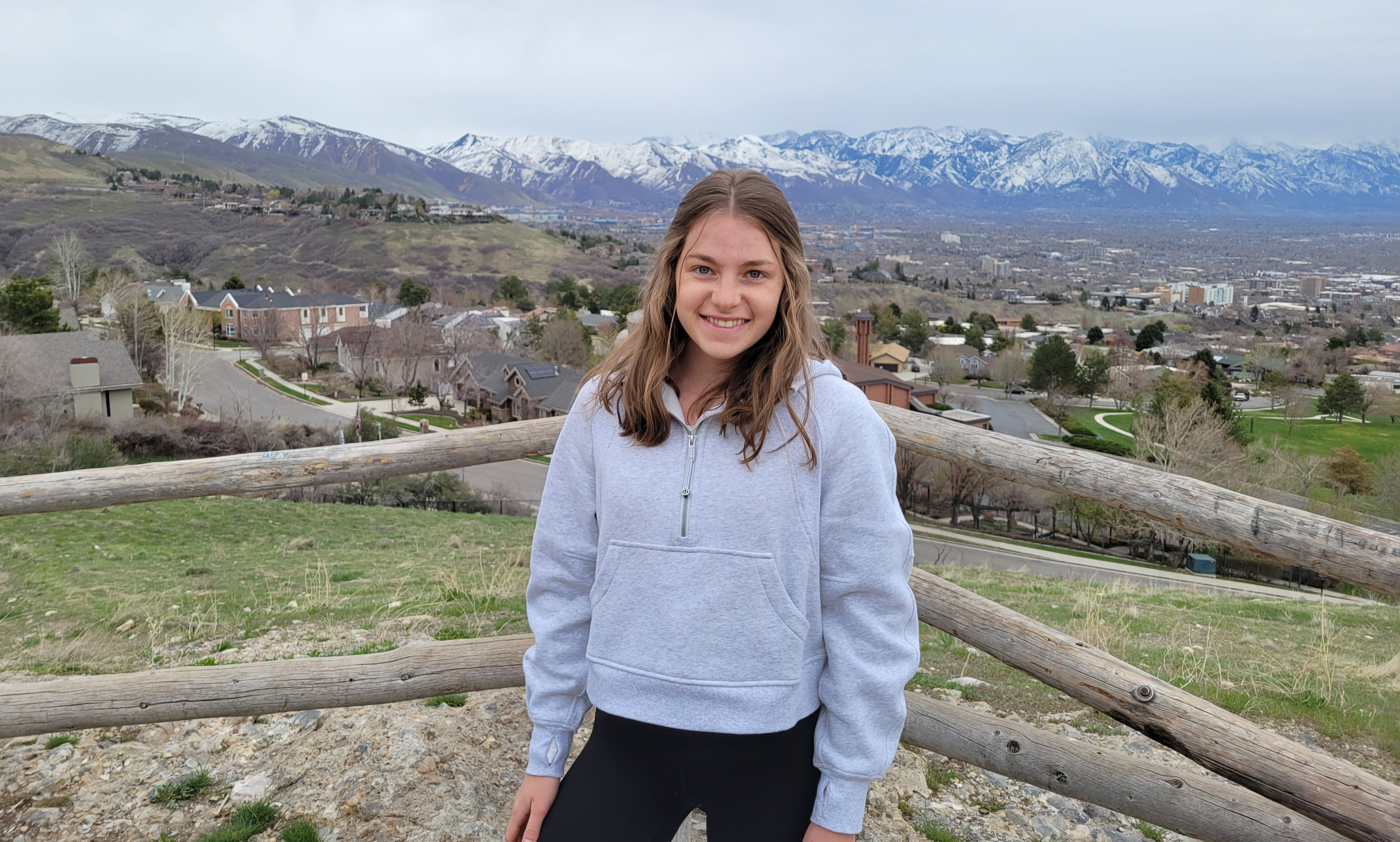
Three receive scholarships to study in Spain, Scotland
Three more UMKC students have received federal grants worth thousands to study abroad this year through the Benjamin A. Gilman International Scholarship program.
The latest grants come in the wake of two earlier study-abroad grants for UMKC students announced in April. The congressionally funded Gilman Scholarship provides financial support to outstanding undergraduate Pell Grant recipients who, due to financial constraints, might not otherwise study abroad.
This latest round of grants includes the first two UMKC recipients of the John S. McCain International Scholarship for Military Families (Gilman-McCain Scholarship), named after the late senator John S. McCain of Arizona. Those scholarships are reserved for children and spouses of active or activated United States military personnel.
Nuria Telles of Kearney, Missouri and Elizabeth Stepp of Kansas City are both participating in a six-week summer program at the University of Málaga, located in southern Spain on the Mediterranean coast. Alison Scobee of Fort Leonard Wood, Missouri, will attend the four-week Honors Summer Program in Scotland.
Stepp, a nursing major, is scheduled to graduate in spring 2024. She is a McCain scholar.
“My dad, Col. Ryan Stepp, has been a C-130 pilot in the Air Force and a member of the Missouri Air National Guard since 1998,” she said. “Along with my mom, he has been the most influential person in my life. I truly would not have the desire to constantly better myself and continue learning Spanish without him. He has traveled extensively throughout his career and knows the importance of learning about other cultures. He encourages me to seek every opportunity to improve my Spanish-speaking abilities.”
Her long-term career goal is to become a certified registered nurse anesthetist. She believes becoming fluent in Spanish will be a career asset, allowing her to care for a wider patient population in the hospital and take part in medical missions.
She said the Gilman-McCain scholarship made the trip a realistic goal.
“It helps me to spend my summer developing my Spanish-speaking abilities by exploring another country rather than working,” she said. “It also allows me to put more money towards furthering my education in the future so I can accomplish my career goals.”
Telles, a Languages and Literatures major who plans to graduate in 2024, also views her study abroad opportunity as a key career driver. She hopes to become a U.S. Foreign Service officer.
“I hope to gain a new perspective on my own culture and my host country’s culture,” she said.
The scholarship has made her experience possible, and she wants to pay the grant forward.
“I would also like to one day have my own scholarship foundation, helping others from underrepresented communities.”
Fellow Gilman-McCain recipient Scobee is a freshman majoring in psychology and chemistry with a minor in medical ethics. She is enrolled in the UMKC Honors Program and is an ROTC cadet.
“I have a huge interest and passion for anthropology, so I'm hoping to gain insight into what studying other cultures is actually like,” she said. “The trip is meant to fully immerse us, so I'm hoping that I learn a lot and can add some anthropological strategies to my toolbelt.”
Her career goal is to become a doctor or a neuropsychologist.
“The Gilman Scholarship is so important to this trip,” she said. “Without it, I definitely would not be going. I'm so excited to have received it because I came into college wanting to study abroad and now I have that opportunity. Honestly, it hasn't quite sunk in yet that I'm going.”
Jun 09, 2023
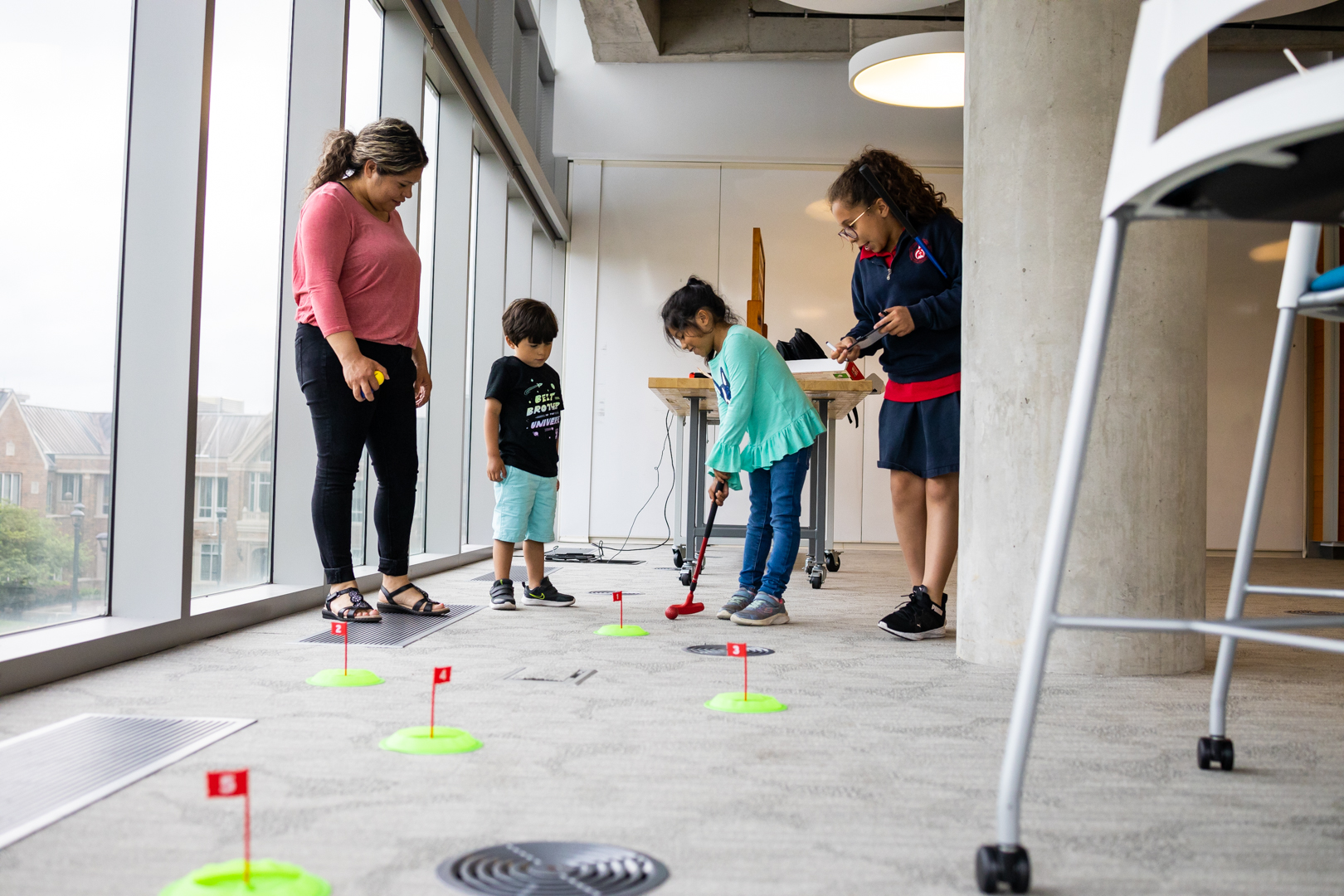
College is a family affair for the De La Cruzes
Roos don't just dream, they do. Our students turn ideas into action every day. Get to know our people, and you'll know what UMKC is all about.
As a real estate agent and a mother of three young children, balancing time is something Angelica De La Cruz has had to master, especially after she added going back to school to pursue a degree in business administration in real estate. Her dedication has inspired her daughters who attend campus events by her side.
“What did I get myself into?” thought 38-year-old De La Cruz as she embarked on a journey to earn her bachelor’s degree from the Henry W. Bloch School of Management.De La Cruz applied for a KC Scholars scholarship in November 2021, not thinking it was a realistic goal. She earned an associate’s degree in 2008 from Donnelly College in Kansas City, Kansas, and joined the workforce without completing a bachelor’s.The scholarship did come through, and as a mother of three at age 37, she decided to attend UMKC part-time as a non-traditional student. She decided to work toward a degree in business administration in real estate, and in her first semester was introduced to the Bloch Launchpad Scholar program. The program offers students professional and leadership development and up to $5,000 in scholarship funding.The only issue: De La Cruz would have to be a full-time student.Already with a full plate, she began having conversations with her family to decide whether going back to school would be worth it as a student with children. They told her she would regret not taking the opportunity.
“It was scary, but I was excited at the same time,” De La Cruz said.The support she received from her family and from faculty at UMKC allowed her to budget her time and finances as she worked toward her goal.“I chose UMKC for its convenient location. When you are a college student, mom, wife and arealtor, you have to juggle several tasks. Convenience is top priority for any decision. In addition, I found a welcoming and supportive environment,” De La Cruz said.She has been a real estate agent for a decade and her goal is to help underserved communities become homeowners by providing education and tools to secure housing and contribute to family wealth.
Born in Villa Madero, Michoacan, Mexico, De La Cruz believes earning a degree is about more than just advancing her career; it’s a chance to honor her parents and inspire her seven and nine-year-old daughters. “I am a first-generation college student. My dad never attended school and my mom only finished third grade. For me to be attending college now, is a way to honor my parents’ hard work and sacrifices they made for me and my siblings to better ourselves,” she said.Balancing school with being a mom means making adjustments and sacrifices. Some days, De La Cruz calls on her family support to help watch her children. But sometimes, thanks to the support system at Launchpad, they’ve gotten the chance to experience college first-hand.“My college program has inspired my daughters to go to college. When they accompany me to a UMKC event, such as Launchpad cohort meeting, basketball game or Honors Program party, they get excited,” she said. “Both leave the campus saying how much they love my school and can’t wait to go to college. Listening to my daughters talk about college, at their young age, brings joy to my heart.”
Jun 08, 2023

UMKC Institute for Human Development and the Missouri Department of Elementary and Secondary Education launch a training and coaching program to en...
Beginning this year, approximately 2,000 early childhood educators in the state of Missouri will have the opportunity to receive training and coaching to improve the quality of early childhood learning programs.
The University of Missouri-Kansas City Institute for Human Development and the Missouri Department of Elementary and Secondary Education are launching a two-year project to enhance early childhood education by building leadership and business skills of early childcare administrators in family childcare businesses and independent learning centers across the state of Missouri. UMKC Institute for Human Development will partner with the UMKC Midwest Center for Nonprofit Leadership, the University of Missouri-St. Louis Community Innovation and Action Center, University of Missouri Extension, the Missouri Small Business Development Centers and Child Care Aware® of Missouri in the project.
Despite their dedication to the field and the families they serve, many family childcare business owners do not have backgrounds in finance and operations, and can face challenges managing a business as they provide outstanding care and support. But fiscally sound, well-run childcare programs are a critical core component of healthy communities and family well-being. In addition, small, independent learning centers may lack support staff, and many directors are former teachers who do not have management training. The Missouri Department of Elementary and Secondary Education program will provide participants training in whole leadership, organizational sustainability and leading change.
Additional resources will be available for both large and small center administrators.
“Large center administrators will receive training in supervision and human resources, strategic financial management and strategic communications strategies, while small center administrator sessions will focus on writing a business plan, understanding financial statements and QuickBooks Online for childcare businesses,” says Mike Abel, UMKC Institute for Human Development associate director, who directs the Early Childhood Innovation Center.
All participants will receive four on-site coaching sessions and eight virtual coaching sessions with trained quality specialists over a one-year period.
“High quality early learning programs are more likely to identify and address developmental delays and learning disabilities at an early age, which may increase the probability for the child’s success in life,” Abel says. “This program will drive a higher level of professionalism among these childcare administrators and lead to an overall higher quality in delivery of their services.”
The Missouri Department of Elementary and Secondary Education program is designed to address these issues through assessment, leadership and business training, on-site and virtual coaching, and the supply of tools and materials across seven regions in Missouri through more than 200 training sessions.
“This training would not be possible without the help of our partner organizations,” said Abel. “They’re providing critical expertise and resources that will greatly enhance the training and coaching to administrators. It is only through their support that the program will ultimately elevate the quality of childcare and enhance the lives of children across our state.”
Jun 07, 2023
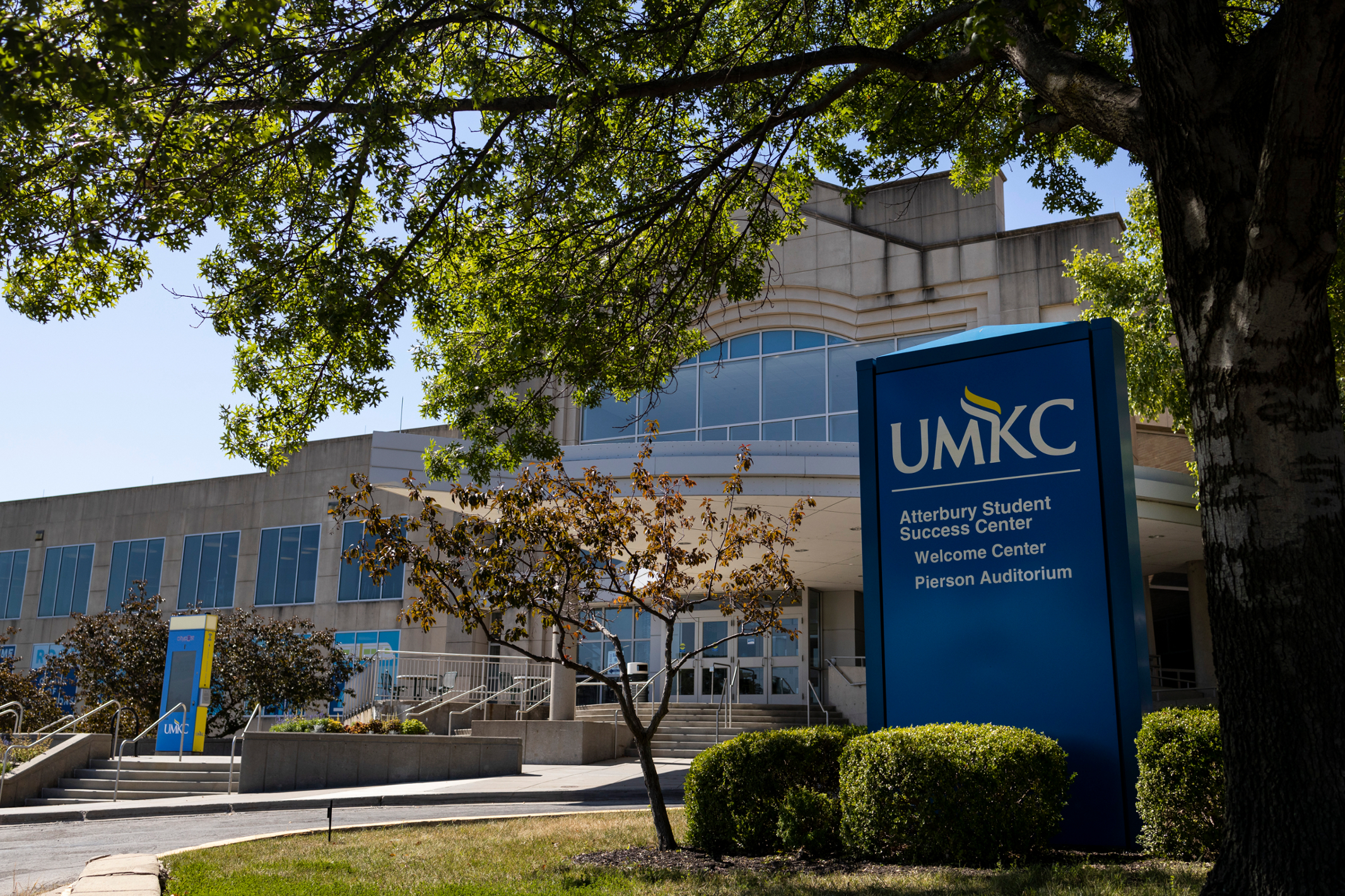
A total of $500,000 was awarded to students, faculty and staff.
The UMKC Entrepreneurship Innovation Grant Program announced 12 recipients out of 28 submitted proposals, totaling $500,000 in awards.
UMKC students, faculty and staff submitted proposals including 13 technology commercial and 15 program and professional development requests in the amount of $1,041,564.Seven grants were awarded to Technology Commercialization projects and five were awarded to Program and Professional Development projects.
The Entrepreneurship Innovation Grant Program is funded by the Kauffman Foundation and is a joint effort by the UMKC Innovation Center, the Regnier Institute at the UMKC Bloch School of Management and the UMKC School of Law.These are the projects awarded grants starting June 1, 2023.
Technology Commercialization
De-risking the Commercialization of a Novel UMKC-Owned Technology to Diagnose Pediatric Glaucoma
An interdisciplinary collaboration between School of Medicine and School of Science and Engineering (SSE) faculty and a talented SSE graduate student. UMKC Tech Transfer has protected the IP with a non-provisional foreign patent application and is actively working with the inventors to commercialize the technology. The first-in-class software technology has the potential to significantly disrupt the field of glaucoma health care, a growing market exceeding $5.5B billion in 2021.Designing a Health IT Prototype to Improve Clinician Communication Across Care Settings
The goal of this project is to identify a feasible, viable, and desirable design for improving efficiency in communication between healthcare entities that do not currently have interoperable health records. By the end of the project, design plans will be prepared to build a minimum viable product and will request more funding to expand testing to additional hospitals, clinics, pharmacies, and LTCFs across Missouri.WeListen: An AI-Empowered Scalable Solution to Obtaining Consumer Insight for Business Development
The primary objective of the proposed project is to conduct consumer discovery research that informs the concurrent development of data querying and visualization tools tailored for our target clients, which include doctors, nurses, practitioners, physicians, and healthcare administrators and managers. Gaining insights into population health and patient experiences is crucial for addressing health disparities and promoting value-driven healthcare. The broader impact of this project is the development of a solution for qualitative consumer data analysis in consumer insight studies across various industries.4-dimensionally printed biodegradable implants for safer membrane elevation in sinus lift procedures
This project includes the design and manufacturing of 4D-printed implant prototypes, well- investigated and FDA approved biodegradable materials for tissue engineering.
Prototype storage in simulated body fluid and testing of mechanical properties at various time points will capture influence of material degradation.
Determination of the implant’s biocompatibility and potential of bone formation on and around the implant via cell culture lab testing
Suitable material compositions will be identified and used in an animal study outside of this EIG project grant
Improving the Capacity of the UMKC Office of Technology Commercialization
This investment creates appealing opportunities for business development by enhancing the process of transferring university technologies to businesses. This project provides opportunities to recruit a graduate assistant from the UMKC School of Law, Henry W. Bloch School of Management students seeking their MBA, and students from the School of Science and Engineering schools, with each student expected to approximately forty (40) hours per month. Leveraging the graduate-level expertise of these students will enhance various aspects of the disclosure review process, market review and planning, and prior art review.
Strengthening Intellectual Property Protections for Drug Development in Diabetes and Other Diseases
Securing patents for the intellectual property that is resulting from National Institute of Health research, as well as new developments that will enable the translation of academic results into groundbreaking therapies, and that has the potential to be extremely lucrative for the university.
UMKC SSE Senior Design Far Field Wireless Power Transfer Project
Funding supports UMKC E&C department senior design class focused on training students to design, implement , and meet milestones and deliverables toward a relevant and timely engineering problem. This project includes the design, implementation and demonstration of wireless power transfer (WPT) systems that operate at 1-5 meters with goals of charging compact batteries to perpetually charge a rotor wing UAS mid-flight for the UMKC E&C senior design project.
Program and Professional Development
Creating a pipeline for Pharmacy Business Entrepreneurship
To create a pipeline of students from high school through professional programs to support student entrepreneurs in getting their PharmD/MBA at UMKC. The grant supports student recruitment beginning in high school and through their pre-pharmacy experience with an emphasis on the business/entrepreneurship FACT program at UMKC School of Pharmacy, to increase in the number of students completing the PharmD/MBA program.Fostering An Entrepreneurial Mindset for Students and Faculty in UMKC’s Digital and Public Humanities Program
Create workshops and an internship program in the School of Humanities and Social Sciences that will inspire participants in the Digital and Public Humanities Program to bring an entrepreneurial mindset to their work. It will help them think about themselves not just as potential employees of arts and humanities organizations but also a s entrepreneurial thinkers who can start their own companies or bring an entrepreneurial mindset to existing positions within arts and cultural heritage organizations.Digital Toolkit, a Course in Creative Entrepreneurship
Create a course in the School of Humanities and Social Sciences called Digital Toolkit to allow entrepreneurs to learn the basic skills to create professional online content with training in design, video and audio production and content creation.Creating Resource-Guiding Relationships in Kansas City's Entrepreneurial Ecosystem
Funding will support the development of a series of master classes designed to introduce aspiring entrepreneurs, including UMKC students, to Kansas City's entrepreneurial ecosystem. Leveraging the expertise of Porter House KC and KC SourceLink, a cohort of entrepreneurs will be given the opportunity to learn from and network with regional experts.UMKC Enactus - Venture Competition Accelerator
Create a “Competition Accelerator Program” for the UMKC Enactus team. The Enactus team develops several student-led social entrepreneurship ventures every year as part of the team’s normal activities. In recent years, Enactus has entered select projects into national entrepreneurship competitions. Participation in these types of events, along with the national Enactus USA competition, are beneficial to the team. and funding enables Enactus to formalize the process for preparing for, applying for, and attending competitions with a Competition Accelerator Program.
Jun 07, 2023
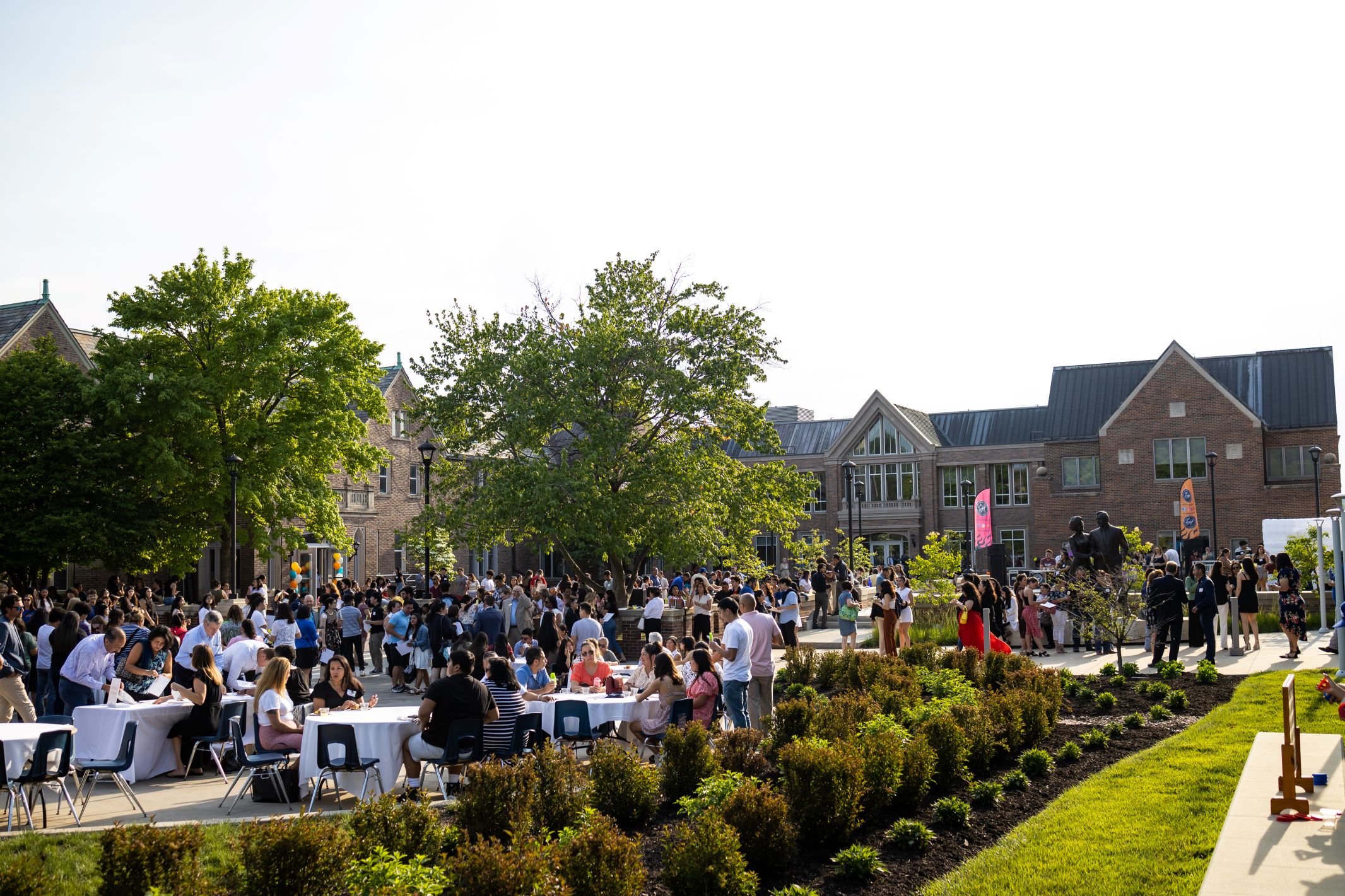
Campus event at Henry W. Bloch School of Management provides information, celebration
The University of Missouri-Kansas City is the No. 1 choice for 60 high school students and 50 current students who received Hispanic Development Fund scholarships for the next academic year.
The event recognizing the scholarship recipients was both informational and a celebration.
“Family and community support is encouraged at the event,” says Scott Ezzell, manager of admissions and recruitment for the Henry W. Bloch School of Management. “This support is such a critical part of the Hispanic Development Scholars’ success. HDF encourages family involvement in all aspects of their programming.”
The Hispanic Development Fund (HDF) awarded its first scholarships in 1984, providing $100 each to 100 students through a separately named Hispanic Scholarship Fund. This year, in partnership with local and regional higher education institutions, HDF awarded more than $1 million to 550 scholars.
UMKC hosted the scholars and their families at the Bloch School of Management for the first time in several years due to the pandemic. Students received detailed information about their opportunities and the partnering organizations, but one of the most important elements of the event was the opportunity for the students and their families to celebrate their success.
Gabriela Urrea is a sophomore pursuing her bachelor degree in nursing.
“The scholarship makes a difference. I’m able to worry less about tuition. Alleviating that burden helps me to stay focused on school,” she says.
Phillip St. John is a junior pursuing his degree in business administration.
"I'm in my third year and I’ve received this scholarship the entire time I’ve been at UMKC. It makes a huge difference and takes a lot of stress off of me and my parents.”
Erik Betancourt is a junior pursuing a degree in engineering.
“I wanted to stay close so I can continue to be a part of my community and family. The affordability makes that possible.”
Jazmin Romo, Frida Rodriguez, Leslie Romo
Jazmin Romo is a sophomore pursuing her degree in marketing. “Because of the scholarship I am able to study here and live in the dorm. It provides me an opportunity to really focus on school.”
Frida Rodriguez is pursuing degrees in business and theatre. "This last quarter they really worked with me to help afford school."
Leslie Romo is a sophomore pursuing her degree in business administration and marketing. "Bloch brings great opportunities. Brittany Bummer in Enactus has been very helpful."
Daisy Garcia Montoya is a senior pursuing her masters in public administration. “The scholarship alleviates my worry about financial aid and allows me to focus on school and work full time. I’ve felt seen. If I ask for help, I receive it. It’s a whole different support system.”
Jun 05, 2023
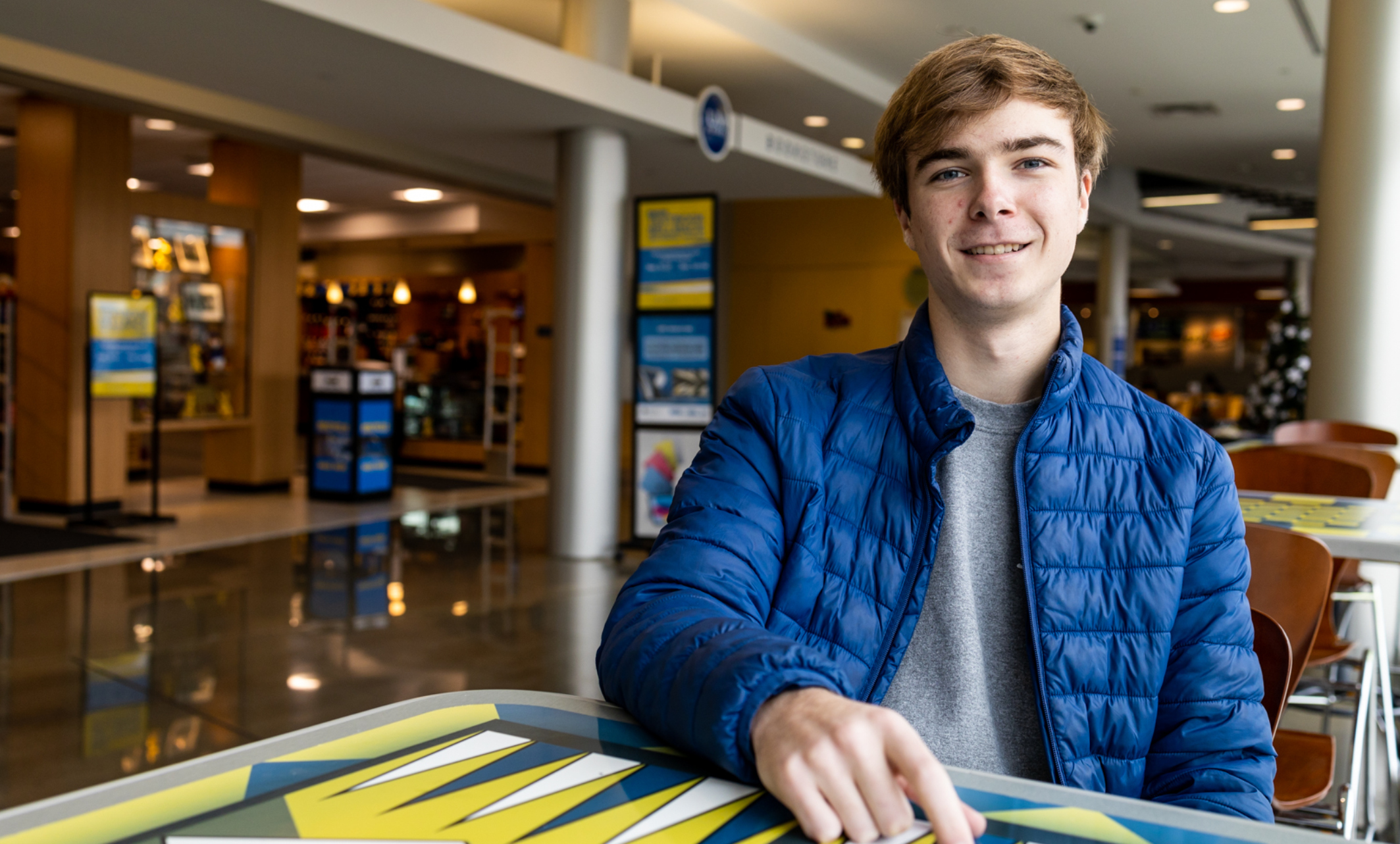
Meet Alexander Rose, a member of the first-ever class from UMKC Professional Career Escalators
Roos don't just dream, they do. Our students turn ideas into action every day. Get to know our people, and you'll know what UMKC is all about.
Alexander RoseAnticipated Graduation Date: 2026Academic Program: health care track, Professional Career EscalatorsHometown: Wentzville, Missouri
Alexander Rose is a career-focused freshman, and the prize that draws his eyes is practicing medicine. That’s why he enrolled in the new program that provides a direct pipeline from campus to professional success, UMKC Professional Career Escalators.
The Professional Career Escalators program provides him with special mentoring opportunities, career-focused advising, extra financial aid and, most importantly for him, a spot in an on-campus living-learning community with other Professional Career Escalators students.
“I believe that the ability to engage with individuals who are pursuing a path similar to your own, especially those wishing to go on to a professional school, is a very valuable opportunity that the Professional Career Escalators program offers,” Rose said. “It also pulls from a diverse range of individuals within a track. Like health care, for example. There are pre-med students, nursing students, and pre-physician-assistant students, all of whom have different processes and aspirations.”
The Professional Career Escalators program is a unique, trademarked system of personalized support and services unlike anything being offered across the U.S. It is designed to propel students from their academic studies to high-paying careers by providing a defined and guided path from enrollment to workforce.
The program prepares students for careers in four key areas of workforce demand: law and justice, engineering and business, education and health care. Each semester, students participate in the five Professional Career Escalators core experiences: career guidance and development; experiential learning opportunities (such as job shadowing and internships); mentoring with faculty experts and community professionals; graduate and professional school preparation; and leadership development.
Why did you choose UMKC?
I appreciated many factors about the school, from the many professional schools under the UMKC name, to the price tag compared to some other universities. I also liked that it provided me some space from my family while also knowing that they aren’t more than three hours away.
Why did you choose your field of study?
I saw it as a good fit for me since I’ve never really enjoyed math, and while a good portion of math is still required, the focus is on biology and chemistry.
How has your college program inspired you?
My program has inspired me to talk to more individuals in other degree programs, and to consider leadership positions inside and outside of the Professional Career Escalators.
Since entering college, what have you learned about yourself?
That I value connections with people, especially family, but also friends and mentors. These connections can help me and empower those involved more than if they’d not been made.
Do you have any scholarships?
I have financial aid through the Professional Career Escalators that goes towards my housing in the living-learning community. That helps me feel as though I belong in this community, and it provides a recognition for being a part of the Professional Career Escalators. I also have an academic scholarship through UMKC, another factor that drives me to devote mass amounts of time to my studies and my grades.
What other extracurricular activities are you involved in at UMKC?
I am currently a member of Pre-Med Prep, UMKC Pre-Medical Society, Biological Sciences Society, Christian Medical and Dental Association, Emergency Medicine Interest Group and Facilitating Awareness for Rural Medicine (FARM).
What do you hope to take from your experiences at UMKC into your professional career?
I hope to take what I have learned about diversity and leadership to my professional studies and career.
Jun 01, 2023
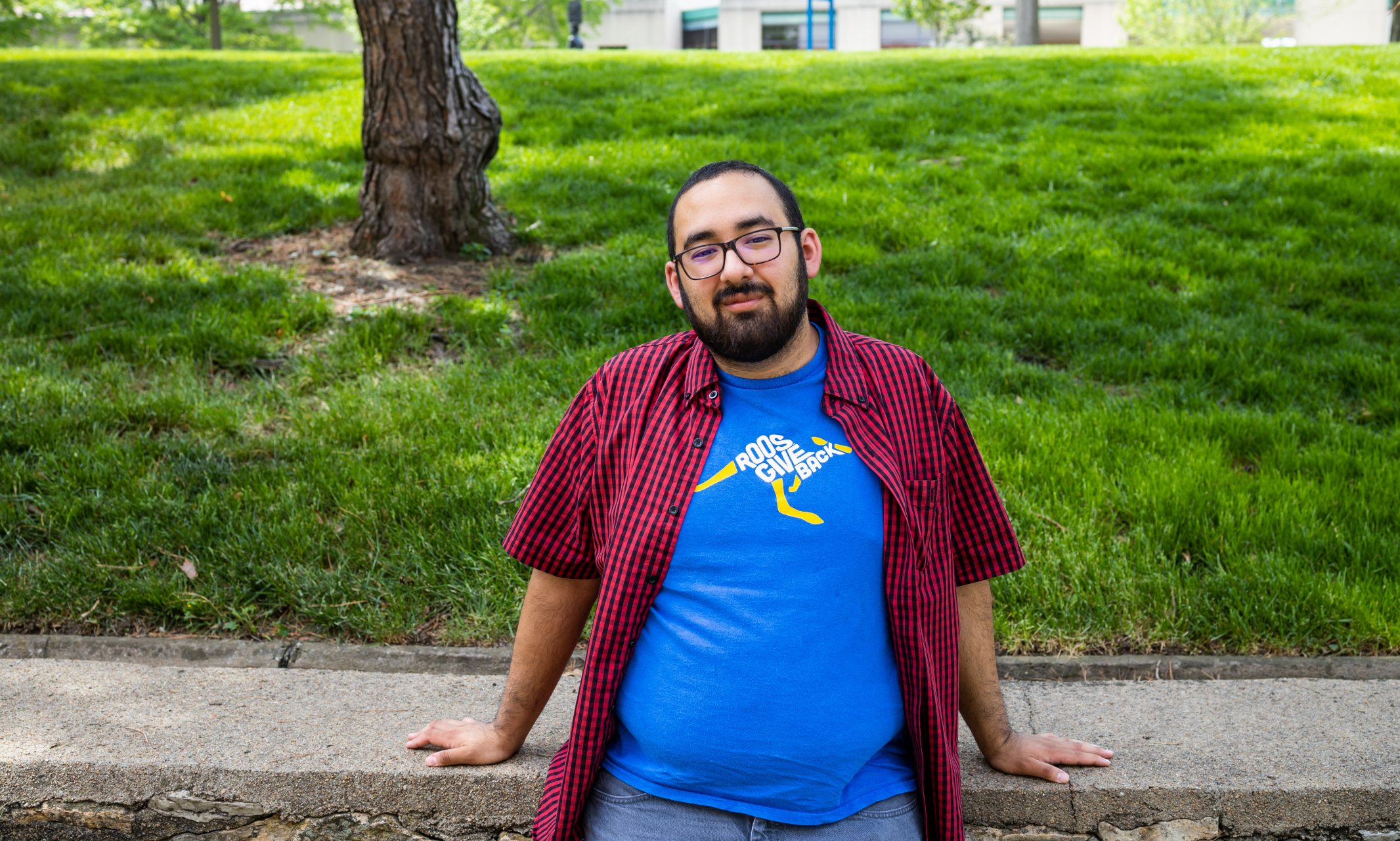
Black male victims tend to be younger than average victim
A UMKC graduate student’s research into fatal and non-fatal shootings in Kansas City found that Black males are significantly more likely to survive gunshot wounds than other demographic groups.
Alejandro Cervantes, who completed his master’s degree in criminal justice and criminology in Spring 2023, presented his findings at the annual meeting of the Midwestern Criminal Justice Association in Chicago during the fall semester. He won first place in the graduate student poster competition at the meeting. The research forms the basis of his master’s thesis.
His study examined all shooting victims in Kansas City between 2015-2020. This included more than 760 homicides and 2,900 instances in which a victim was struck by a bullet but survived. His research documented a steady increase in both fatal and non-fatal shootings, particularly in 2020, when gun violence in Kansas City increased by 33%. He also discovered a unique interaction between race and sex, noting that Black male shooting victims were significantly more likely to survive than other victims.
Black victims were the highest demographic group in both fatal (76%) and non-fatal (75%) shootings. Males of all races were the victims in more than 80% of both fatal and non-fatal shootings. Black male victims tended to be younger than other groups in both categories overall, with younger Black male victims being more likely to survive a gunshot wound than older Black males.
Pursuing plausible explanations for these rates, Cervantes focused on community-police relationships in different neighborhoods. Lack of trust and confidence in police tends to make people more prone to taking matters into their own hands.
“Strained relationships with law enforcement results in retaliation becoming normalized when seeking retribution for being wronged in resolving interpersonal problems,” Cervantes said. He added that these same neighborhoods where trust in police is lacking also suffer serious socioeconomic problems, high rates of poverty and a lack of services.
The inspiration for the study, he said, came while - assisting with data entry for his thesis chair, Prof. Ken Novak.
“Reviewing and recoding the raw data gave rise to the questions presented in my thesis,” Cervantes said. “The greater goal in my work here is generating data that can be utilized by future researchers to enhance this field of study.”
“Alejandro’s research is timely, locally relevant and important,” Novak said. “This sheds further light on the fact that Black males are significantly overrepresented among shooting victims, and further demonstrates that the harm associated with firearm violence is not distributed equally throughout Kansas City.”
Cervantes, originally from Reseda, California, earned his bachelor’s degree in criminal justice and criminology from UMKC in 2019. He was able to attend the conference in Chicago thanks to a graduate student travel award from the UMKC School of Graduate Studies.
He is unsure at this point whether he will pursue a doctorate or go immediately into a career. His ultimate goal is to work for the FBI or the Bureau of Alcohol, Tobacco and Firearms as a data analyst analyzing firearm-related crimes.
Cervantes is grateful for the travel grant that allowed him to attend the conference, which had value beyond the first-place award.
“With those expenses covered I had the opportunity to explore and experience something new,” he said. “Attending and presenting at a conference like this gave me not only greater confidence in my skills, but feedback from others in my field helped shape my thesis into a better product.”
“This experience is a major highlight in my time at UMKC.”
May 26, 2023
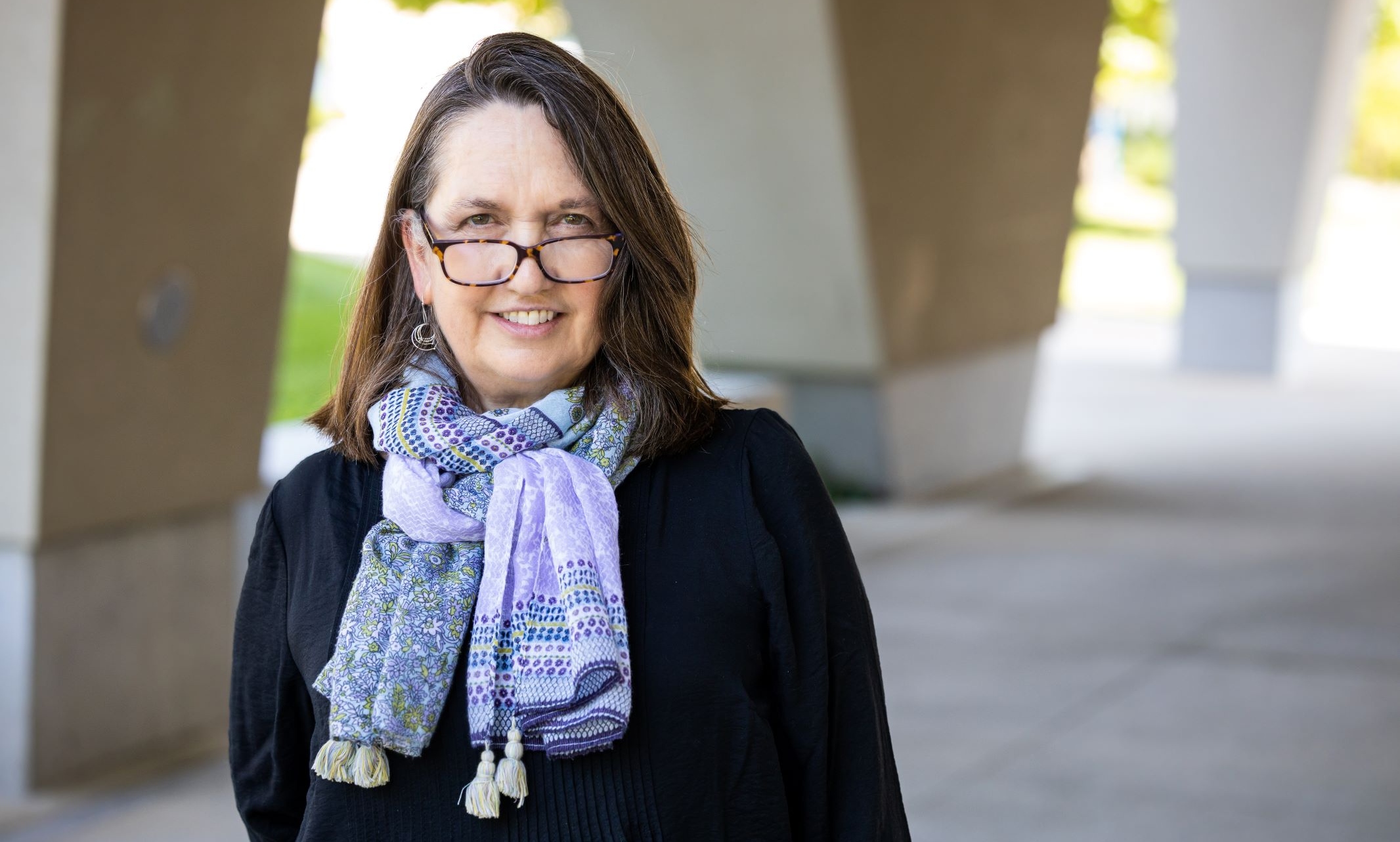
New book examines women’s entry into the industrial workforce
Jane Greer, Curators’ Distinguished Teaching Professor at the University of Missouri-Kansas City is a champion of the rich opportunity of undergraduate research. She’s leading by example with her new book, “Unorganized Women: Repetitive Rhetorical Labor and Low-Wage Workers, 1834-1937.”
Through four case studies, Greer’s book examines women who worked for low wages – and sometimes no wages – and how they used their writing skills to empower their economic lives.
“I used four case studies and prioritized the diversity of women’s working experiences,” Greer says. “I started with women’s experiences in the 1830s and 40s, when they began working in factories. These women were some of the first who were working in ways other than some kind of home production. This was the first time women were working together in an industrialized setting.”
From the Lowell, Massachusetts “mill girls,” Greer proceeds to explore the lives of household workers, farm workers and finally, Kansas City’s own Nell “Nelly Don” Donnelly and the development of the International Ladies Garment Workers’ Union.
“There’s an amazing collection of 718 letters in the State Historical Society of Missouri that women workers wrote to Nelly Don about how they felt about how their jobs allowed them to lead lives they wanted to lead beyond the factory, and why they weren't necessarily interested in unionization. It’s an unusual and different kind of story.”
As were the women in her book, Greer was open to exploring new paths toward success. After completing her undergraduate studies at a small liberal arts college, and then earning her graduate degree at Ohio State University, she did not anticipate teaching at an urban research university.
“I was thrilled to have the opportunity to come to UMKC and Kansas City, and I fell completely in love with the students here. We have the most interesting, fantastic, wonderful-to-work-with students anywhere. And I think a lot of our faculty will tell you this.”
As director of undergraduate research at UMKC, Greer is committed to creating a rich research experience for UMKC undergraduates. One of her recent efforts is working in conjunction with a colleague to oversee student research in her “Women and Rhetoric” class to contribute audio tours for the Kansas City Women’s History Trail on the Clio app. Her partner in the effort is David Trowbridge, Ph.D., William T. Kemper Associate Research Professor in Digital and Public Humanities, who developed the Clio app.
“The opportunity and the content is so rich,” Greer says. “There's an educator who helped battle segregation in Johnson County before Brown v Board of Education; Eliza Burton Conley, an alumna of the Kansas City School of Law, who was a member of the Wyandotte nation who helped protect a tribal cemetery and was the first Native American woman to argue before the Supreme Court of the United States; and Nell Donnelly Reed, who is this interesting entrepreneur from the early 20th century. There's just a really wide range of women whose stories need to be told.”
The relevance and accessibility of a mobile history app is in line with Greer’s undergraduate research responsibilities.
“With undergraduate research, we find ways to bring our research mission and our teaching mission together,” Greer says. “If students are attending a public research institution, they should have the opportunity to do the research and be involved. That's part of what makes us unique. You wouldn't get this opportunity at a small liberal arts college or a regional teaching institution in quite the same way.”
“Unorganized Women: Repetitive Rhetorical Labor and the Low-Wage Workers, 1834-1937” is available in hard cover, Kindle and Nook.
May 24, 2023
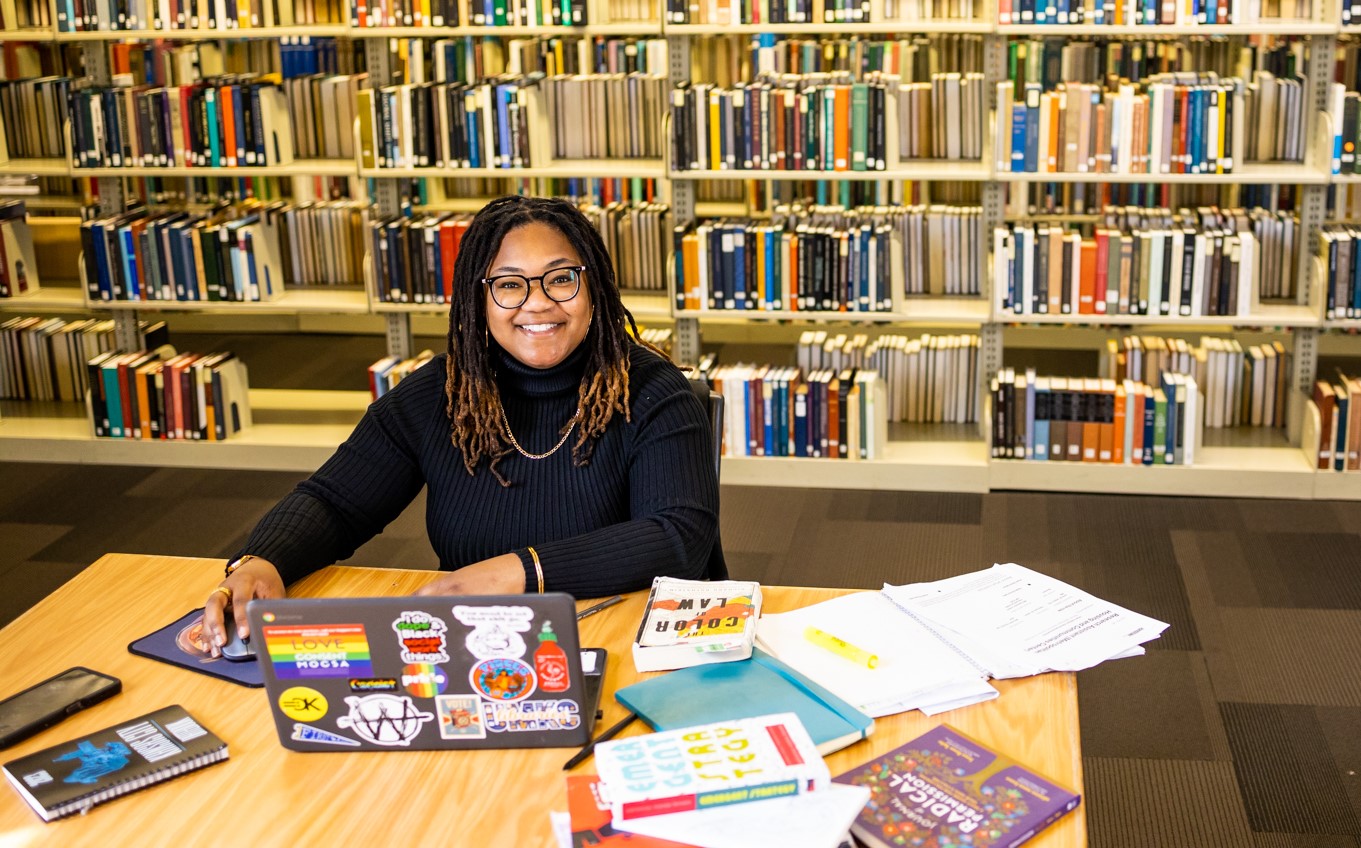
DaVonna Williams is pushing the needle towards a more progressive, fresh take on social work
Roos don't just dream, they do. Our students and alumni turn ideas into action every day. Get to know our people, and you'll know what UMKC is all about.
DaVonna Williams (M.S.W. ’23) Pronouns: She/Her/HersUMKC degree program: Master of Social WorkHometown: St. Louis, MO
DaVonna has always been passionate about social work advocacy. After returning to UMKC to pursue her Master of Social Work, her experiences on and off campus allowed her to further explore this passion while adopting a fresh, new take on the field.
Why did you choose UMKC?
I chose UMKC because I had a really great experience here for my undergraduate degree and knew it would be the best choice for me when I decided to go back to school.
How has your college program inspired you?
My program has inspired me to continue to speak truth to power no matter my position or status in the world. It has lit a fire in me to continue to advocate for communities that have been historically excluded due to biased systems.
What does advocacy mean to you?
Working with an individual, group or organization to provide the means for them to gain agency over their own lives and help them better understand the systems that perpetuate unhealthy patterns and beliefs that can diminish their quality of life.
Have your experiences at UMKC helped define your career goals?
Definitely. During my field work, I realized that I would like to work with neighborhoods and help them be more involved in decisions that impact their communities. They need to be aware of everything that is going on and have a say in it. I've also realized that as social workers, we need to attack issues at the root a lot more. Getting involved in policy and supporting organizations that are doing that liberatory work is crucial to social change.
Are you a first-generation college student? If so, what does that mean to you?
Yes, I am. It is important to me because I have been privileged enough to further my education and take advantage of everything my parents worked so hard to provide for me.
What has been your favorite memory at UMKC so far?
Presenting at the 2023 UMKC Social Work Conference. I was able to present my capstone work, which involved community organizing around the issue of unpaid field work for social work students. I am very passionate about economic injustice so being able to speak about our organizing and awareness building efforts was empowering.
Who/What do you admire most at UMKC and why?
I admire Center for Neighborhoods because they are doing a lot of important work by equipping neighborhoods with the tools they need to address their own needs and meet their goals. I like that they visit and connect with members of the community.
You were president of the Master of Social Work Student Organization. What did that role mean to you?
It meant taking the lead to empower my cabinet and other students to speak up on issues that we see as social workers out in the community, as well as within the MSW program. My vision is for this organization to be engaging and fun while cultivating a sense of community within the MSW program. For instance, we created a newsletter called “Not Your Grandmother's Social Work” (NYGSW) because we wanted to promote a more refreshing, progressive take on social work.
What's your favorite fun fact about Kansas City?
Kansas City is the hometown of one of my favorite artists, Janelle Monáe.
Do you have a favorite spot on campus?
My favorite spot on campus is Miller Nichols Library. It’s pretty chill and quiet, so I'm there when I want to brainstorm or work on a project.
What are three words you'd use to describe Kansas City?
Resilient. Inspiring. Fun.
May 23, 2023
Clancy Martin and Gwen Nally showcase their expertise in the national publication
Two University of Missouri-Kansas City philosophy professors have recently appeared in the New York Times.
Gwen Nally, Ph.D., was one of two authors of the guest essay, "Fear of a Black Cleopatra" about the new Netflix docudrama. Nally has taught at UMKC since 2016. Her work focuses primarily on Plato’s ethics, epistemology and metaphysics.
Clancy Martin, Ph.D., was featured for his new book “How Not to Kill Yourself.” His work focuses on nineteenth century philosophy, existentialism, moral psychology, applied ethics and Buddhism. Martin has taught at UMKC for almost two decades.
May 22, 2023

New partnership showcases a nine-decade history based on mutual admiration for the Roo
The University of Missouri-Kansas City and the Kansas City Zoo are announcing a five-year partnership centered around their shared love of kangaroos. The relationship between the two Kansas City institutions dates back almost 90 years.
“Not many universities can claim a Roo for a mascot but, thanks to inspiration from the Kansas City Zoo all those years ago, UMKC embraced that unique identity,” said UMKC Chancellor Mauli Agrawal. “At UMKC, we have an amazing Roo history, complete with a touch of Walt Disney magic.”
“Our partnership is a natural fit because the mission of the university and the Zoo is the same, and that is to educate and continually elevate our community through our work,” said Sean Putney, executive director and CEO of the Kansas City Zoo.
Venture into the Australia section of the Zoo, and one of the first things you’ll notice on a deck overlooking the kangaroo habitat is a UMKC-sponsored sign that chronicles the story of why a university in the middle of the United States chose an animal from the other side of the world as its mascot, and how famed local resident and animator Walt Disney became involved.
New signage chronicles the relationship between the Kansas City Zoo and UMKC's beloved mascot, KC Roo
In 1936, the three-year-old university had yet to establish an athletics program, but the debate team was about to begin competing with other universities. Students eagerly got on board with the idea of creating a university mascot.
At the time, the city of Kansas City was eagerly anticipating some very exciting news at the Zoo. Jigger the kangaroo was pregnant and the whole town was awaiting news of her little one’s arrival. Inspired by the excitement and believing the mascot would stand out, students chose the kangaroo.
In 1938, Walt Disney responded to a student request to illustrate a Roo for the cover of a student-published humor magazine. Nearly a century later, the Disney Roo is still one of the best-known versions of KC Roo and is credited with solidifying the mascot’s history with UMKC. A cutout of the Disney Roo is at Bluey’s deck in Australia at the Zoo, perfect for selfies. A display on the history of the Roo shows its evolution over the decades, from its classic Roo to today’s bold Division I athletics Roo.
The UMKC sponsorship at the Zoo also has funded new accessible pathways throughout Australia, where the kangaroos and other animals from Down Under live.
The new displays and walkway are just the beginning of a beautiful partnership, according to Anne Hartung Spenner, UMKC vice chancellor of Strategic Marketing and Communications.
“Our sponsorship at the Zoo celebrates more than just inspiration for a beloved mascot,” Spenner said. “Both UMKC and the Zoo celebrate education and engagement in the community – so in our second year, we will be hosting interactive displays for children to learn about kangaroos and their habitat and will be looking for opportunities for our students to intern or volunteer at the Zoo.”
Spenner also looks forward to further highlighting how the Zoo and UMKC have partnered on the academic front as well. For example, UMKC School of Dentistry students regularly use their dental hygiene skills by cleaning the teeth of Zoo animals up to weekly each spring, a relationship that benefits both UMKC and the Zoo. And biology students watch animals at the Zoo to learn anatomy.
Roos are everywhere at the Kansas City Zoo. From Bluey's deck in the Australia section, to the carousel near the entrance
To kick off the partnership celebration, UMKC students, faculty, staff, alumni and leaders are holding a UMKC Roos at the Zoo Day on May 20. UMKC students and employees will receive discounted tickets and memberships as part of the kickoff celebration.
Kangaroo fun facts: UMKC and the Kansas City Zoo
Kangaroos can only move forward and not backwards. You can observe the red kangaroos at the Zoo to see for yourself! Taking inspiration from their movement, the university named a set of its major initiatives UMKC Forward.
A group of kangaroos is called a mob. The Zoo has a mob of 14 red kangaroos. This year, UMKC renamed its athletics pep band, comprised of UMKC Conservatory students, The Mob.
A red kangaroo can reach speeds of more than 35 miles per hour, allowing them to clear 25 feet in a single leap. You can watch the kangaroos in action at Bluey’s deck at the Zoo. Their agility and swiftness are why UMKC kept the Roo mascot when the university joined the NCAA Division I in 1987.
May 17, 2023
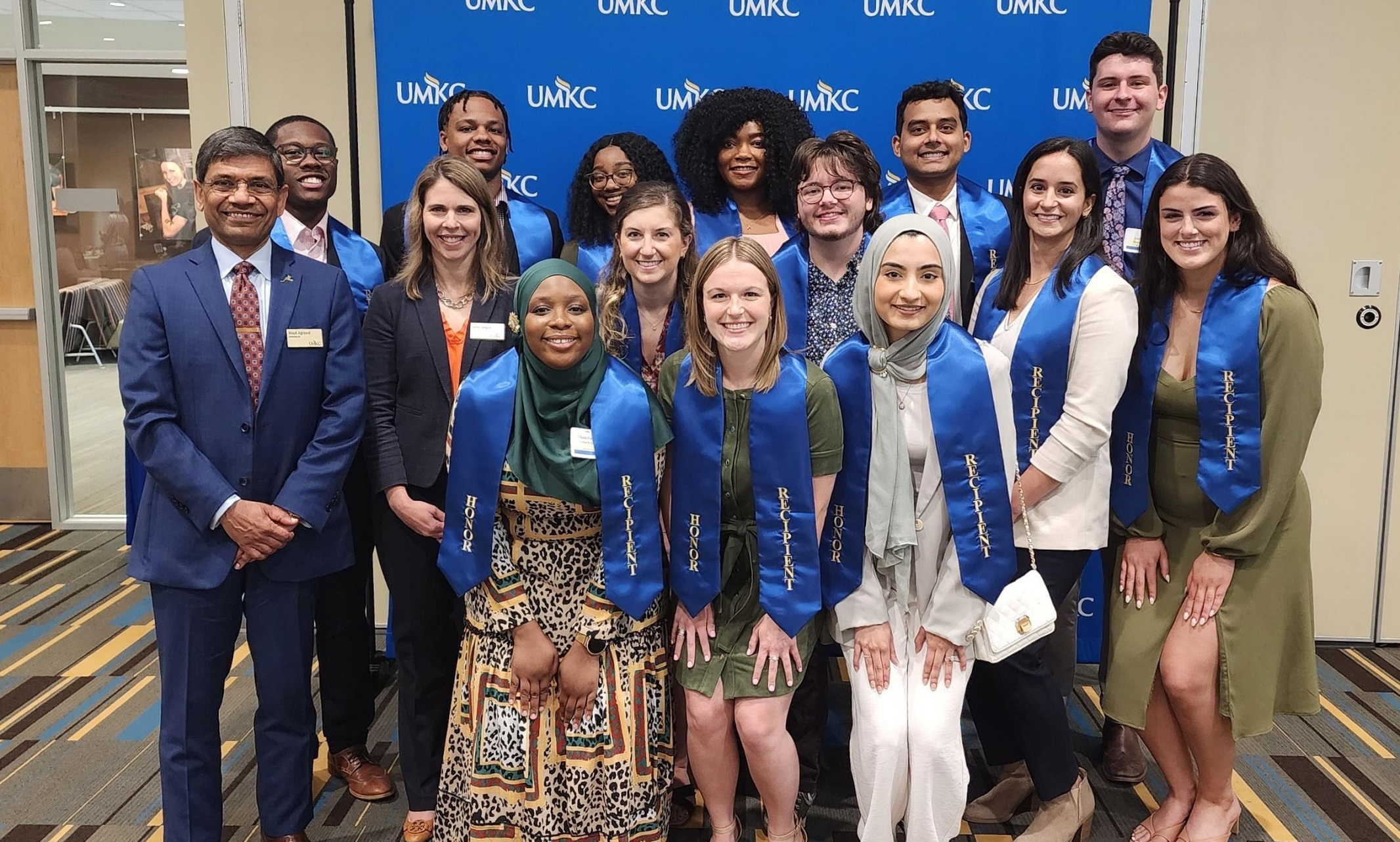
Graduating students are recognized for their outstanding academic performance, community leadership and service
Thirteen graduating UMKC students have been named Dean of Students Honor Recipients in recognition of their accomplishments on campus and in the community.
Every semester, exceptional graduating students are honored with this designation. These students maintain excellent academic standards while actively participating in university activities and community service outside of the classroom.
The Spring 2023 honorees’ accomplishments include founding new service organizations, being published in peer-reviewed journals, holding leadership positions in student organizations, volunteering in the community and more.
“These students embody what it means to be a Roo with their dedication to academics, service and community," said Michele D. Smith, Ph.D., vice provost for student affairs and dean of students. “I am thrilled to recognize them for their many accomplishments and look forward to the bright futures ahead of them.”
Students shared reflections on their time at UMKC at a special breakfast celebration in their honor. Some excerpts:
Shaan Patel: “UMKC has taught me so much about what it means to be a good physician, student and person. One of my attending (physicians) once said that being a physician is not just about treating the disease, but it is about treating the person. Through my clinical experience at UMKC, I have learned so much about caring for the underserved and how quality of health is impacted by so many factors separate from disease pathology. I have been inspired by my attendings who have been critical in helping patients beyond the hospital setting.”
Emily Puthawala: “I am a non-traditional student, and tomorrow will be the first time I hold a diploma since my high school graduation eleven years ago. I would like to recognize one very special group of people. This group has not only made my time at UMKC special, but I believe they are what makes the UMKC experience so unique and inspiring: my fellow non-traditional students. One will be attending medical school in the fall, one will be interning at the World Health Organization, and another will be taking the MCAT (Medical College Admissions Test) with me this September. With an average student age of 26, UMKC is dedicated to supporting and nurturing students like us as we strive to achieve our wildest dreams, something for which I am forever grateful.”
Meredith Clark: “One of the most important things UMKC has taught me through my program is that you won’t have to go through the experience alone. The last four years have been no easy feat by any means, but my faculty, classmates, staff and administration have all been there to help me be the best dentist I can be. I have been shaped by the people at the dental school in more ways that I can count. I am continually awed by the time and energy the faculty put into investing into my future as a dentist but also by the energy they put into getting to know me and my personal life as well. It’s a true testament to the environment created within the dental school.”
Congratulations to the Spring 2023 Dean of Students Honor Recipients!
Olaide Bankole, School of Science and Engineering
Meredith Clark, School of Dentistry
Erin Galakatos, School of Medicine
Jordan Grimmett, School of Medicine
Jordan Held, School of Medicine
Faith Kapp, School of Medicine
Mahnoor Malik, School of Medicine
Darryl Monroe II, School of Pharmacy
Sage Morgan, Conservatory
Christy Nwankwo, School of Medicine
Shaan Patel, School of Medicine
Emily Puthawala, School of Science and Engineering
Lanisha Stevens, School of Education, Social Work and Psychological Sciences
May 15, 2023

Projects could include a mix of retail, housing and a small arena for community events, concerts and UMKC Division I athletics
The University of Missouri-Kansas City has issued a request for proposals (RFP) to develop a five-acre parcel of land next to the south terminus of the Kansas City Streetcar at 51st Street and Brookside Boulevard. The streetcar stop is expected to be operational in 2025.
In his recent State of the University address, UMKC Chancellor Mauli Agrawal announced his intention to explore options to develop that parcel into a campus and community destination. The project could include a mix of retail, housing and a small arena perfect for campus and community events, concerts and, of course, UMKC Division I athletics, including basketball and volleyball.
“A destination development at the southern terminus of the streetcar is an appropriate addition to the community by UMKC, Kansas City’s university,” Agrawal said. “The development from this RFP will elevate the area for our city, our neighbors and our campus community.”
The university has two plots of land between Brookside and Oak Street, vacant except for a parking garage. The goal is to integrate the existing parking structure into whatever new development might be envisioned. UMKC plans to open the garage to public use when the streetcar stop opens in 2025 and will build a pedestrian walkway from the streetcar stop to the parking garage.
In addition to seeking a development that could include retail, housing and arena amenities, UMKC envisions this project as a highly visible gateway to the UMKC campus from the west. The deadline for proposals is Friday, July 21.
The RFP presents an evolution of the university’s 2021 Master Plan, which initially called for development of student housing on the site. Based on decreased demand for on-campus housing and the imminent opening of a new streetcar stop, the priority has shifted to increased space for campus and community amenities to enhance the student life experience on campus and to further engage with the broader Kansas City community.
The site, next to the streetcar terminus, has the potential to become a multi-modal transit hub. The Kansas City Area Transportation Authority is conducting a comprehensive redesign of its transit service, which will include stops on the Main and Troost MAX lines every 15 minutes. The Troost MAX provides the most direct connection between the UMKC Volker Campus and downtown Kansas City.
To create this project, UMKC would provide a ground lease to the developer and then would lease back the arena to meet its athletics and event needs, while allowing the developer to use the facility for other programs and events during available times. A shared operating agreement between UMKC and the developer will govern use of the facility.
The UMKC Division I Athletics program anticipates that the arena would be home to Kansas City Roos basketball and volleyball. That means 40-45 home games per season, plus 550 practice sessions per season. The university’s existing athletics and recreation facility, Swinney Center, currently supports the Division I programs as well as campus recreation. A new arena with expanded seating capacity and more training space is expected to provide a significant boost to UMKC Athletics’ fan experience and would aid in recruiting outstanding student athletes.
May 15, 2023
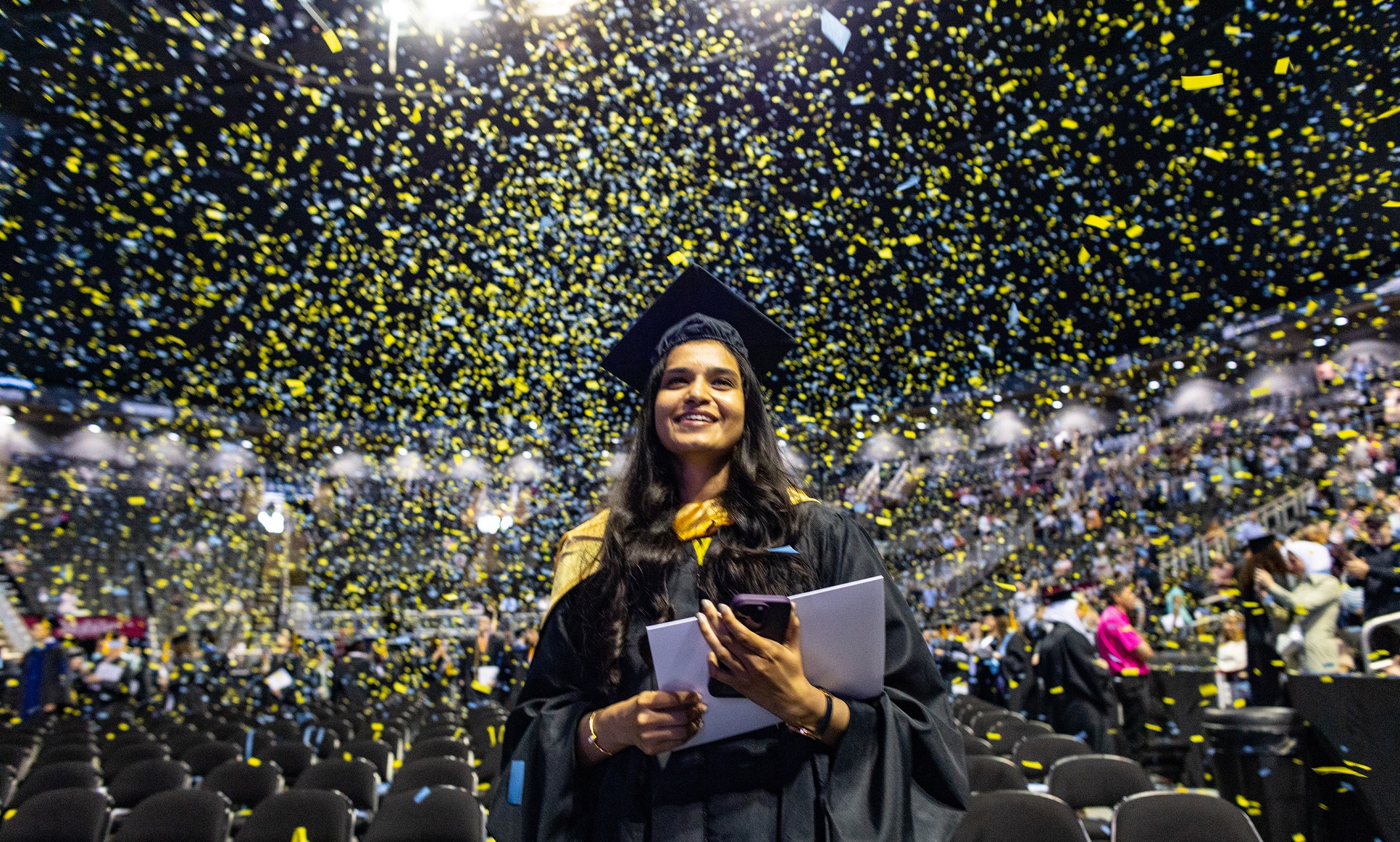
The ceremonies were held on May 13, 2023
More than 2,000 students became alumni on Saturday as The University of Missouri-Kansas City had its May 2023 Commencement ceremony in the heart of Kansas City.
“You have acquired the knowledge, skills and the confidence to navigate an ever-shifting landscape in the days and years to come. Chart your future in pencil because more challenges surely await you,” said Chancellor Mauli Agrawal. “But I know that you are up to those challenges because you have a degree from UMKC. You are ready for whatever comes next.”
National ABC News Anchor and UMKC alumna Rhiannon Ally (B.A. ‘05) congratulated the new graduates. The Raytown, MO native's almost 20-year career included a front row seat to history, documenting events including the Boston Marathon bombing, the war in Ukraine, Hurricane Katrina and the Ghislaine Maxwell trial.
“If you find what you love, push through those hard days. Things will get better if you are committed to improving every single day,” said Ally. “You hold the power to change the future, no matter what your profession is.”
Following Ally’s address and the recognition of individual graduates, the class enjoyed taking part in the tradition of moving the tassels from the right of their caps to the left to symbolize the individual's movement from candidate to graduate.
May 13, 2023
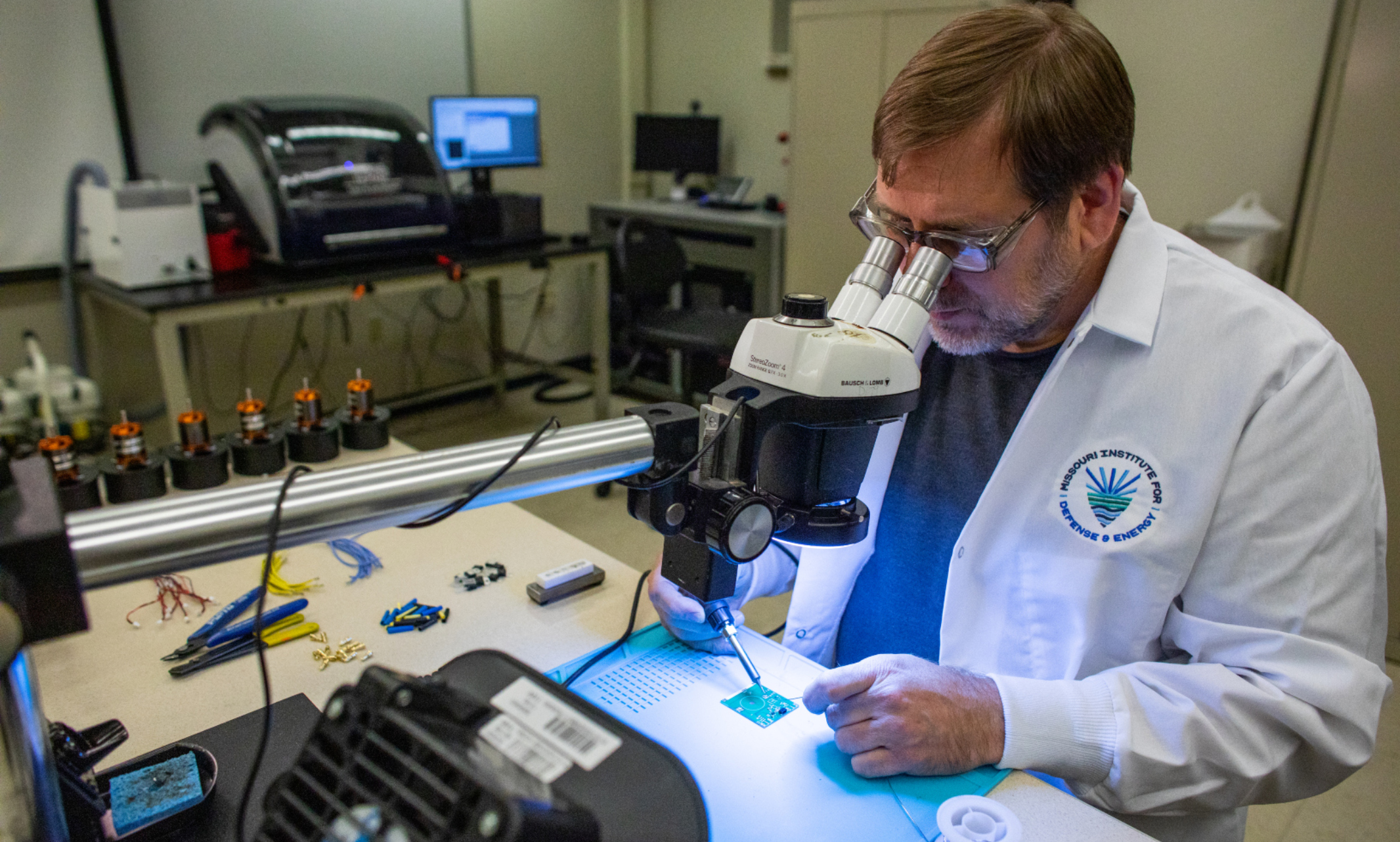
$1 million federal cooperative agreement launches team to generate suppliers of microchip materials and create highly trained workforce
The University of Missouri-Kansas City on behalf of the University of Missouri System has received a $1 million 24-month federal cooperative agreement to lead the development of a microelectronics hub across Missouri and Kansas.
The $999,480 award from the National Science Foundation’s Regional Innovation Engines Program is funded through the CHIPS and Science Act, signed into law earlier this year, to significantly boost U.S. production of microchips and other microelectronic components.
The initial cooperative agreement will launch Critical Materials Crossroads, an industry, government and academic team working to establish a microelectronics base in the Midwest and promote technical and economic development in the region. This planning award could lead to $160 million in additional funding over the next 10 years to help launch new businesses and educate the future critical-materials workforce.
This collective will leverage partnerships with universities and businesses in Kansas and Missouri to drive the growth needed for this new hub, providing microelectronics manufacturers with the needed workforce, materials and innovation to develop domestically sustainable and profitable critical goods.
According to the original proposal, goals for the collective include:
Coordinate, facilitate and mentor creation of about 70 small businesses in Missouri and Kansas, which will account for more than 4% of the two states’ Gross Domestic Product (GDP) by 2032, creating an average of 1,000 new jobs per year.
Become the one-stop solution for regional microelectronic needs and generate an increasing corporate footprint and business relocation from other regions.
Create and maintain a pipeline of targeted degree/certificate holders to meet workforce needs.
Be the catalyst and trusted partner for U.S. microelectronics industrial base research.
Launch entities to provide centralized business support services and funding for startups.
Supply a significant amount of mid-tier microelectronics critical materials to U.S. prime-tier manufacturers by 2030.
“UMKC is proud to take the lead on behalf of the University of Missouri System and its four universities on this exciting effort to create a new industrial base in our region focused on computer chips and other microelectronics,” said UMKC Chancellor Mauli Agrawal. “The potential for business formation and job creation is extraordinary, and we’ll be working with partners throughout Missouri and Kansas to make it happen.”
Anthony Caruso, Curators' Distinguished Professor of Physics and Electrical Engineering and UMKC Associate Vice Chancellor for Research, is the principal investigator for the grant.
“Our goal is to realize a self-sustaining Kansas-Missouri microelectronics industrial base that will become profitable without the need for government subsidy,” Caruso said. “That requires reinventing manufacturing practices. To meet this grand challenge, the team will focus on synergistic and symbiotic partnerships that leverage the unique natural resources, manufacturing and transportation capacity of Missouri and Kansas. The ultimate goal is to develop marked improvements in regional educational attainment and economic growth.”
Microelectronics – specifically semiconductors or computer chips – underpin many aspects of day-to-day life, including medical equipment, cars, industrial machinery and consumer electronics. U.S. semiconductor manufacturing has declined significantly since the early 1990s, leaving the country reliant on imported microelectronics, which many see as a threat to both economic growth and national security.
The team includes institutions of higher education, representation from local and state governments and industry partners, including all four universities in the UM System, the University of Kansas, Kansas State University, Wichita State University, Central Missouri State University, Wichita State University Tech, Lincoln University, Harris-Stowe State University, St. Louis University, Metropolitan Community College, Integra Tech, Nitride Global, EaglePicher, MEMC-Global Wafers, Radiation Detection Technologies, Brewer Science, Doe Run, Enersys, U.S. Strategic Metals, ThREE, KC Rising, National Security Crossroads, KC Area Development Council, KC Digital Drive, Missouri Department of Economic Development, PortKC, Greater Kansas City Chamber of Commerce, Missouri Tech Alliance, Entrepreneurship KC, KC Rising, Ewing Marion Kauffman Foundation and startups Homebase, Bravas, Balto, Pierian, Torch, Potter, Nidec, Digital Ally and Crosstalk.
May 11, 2023
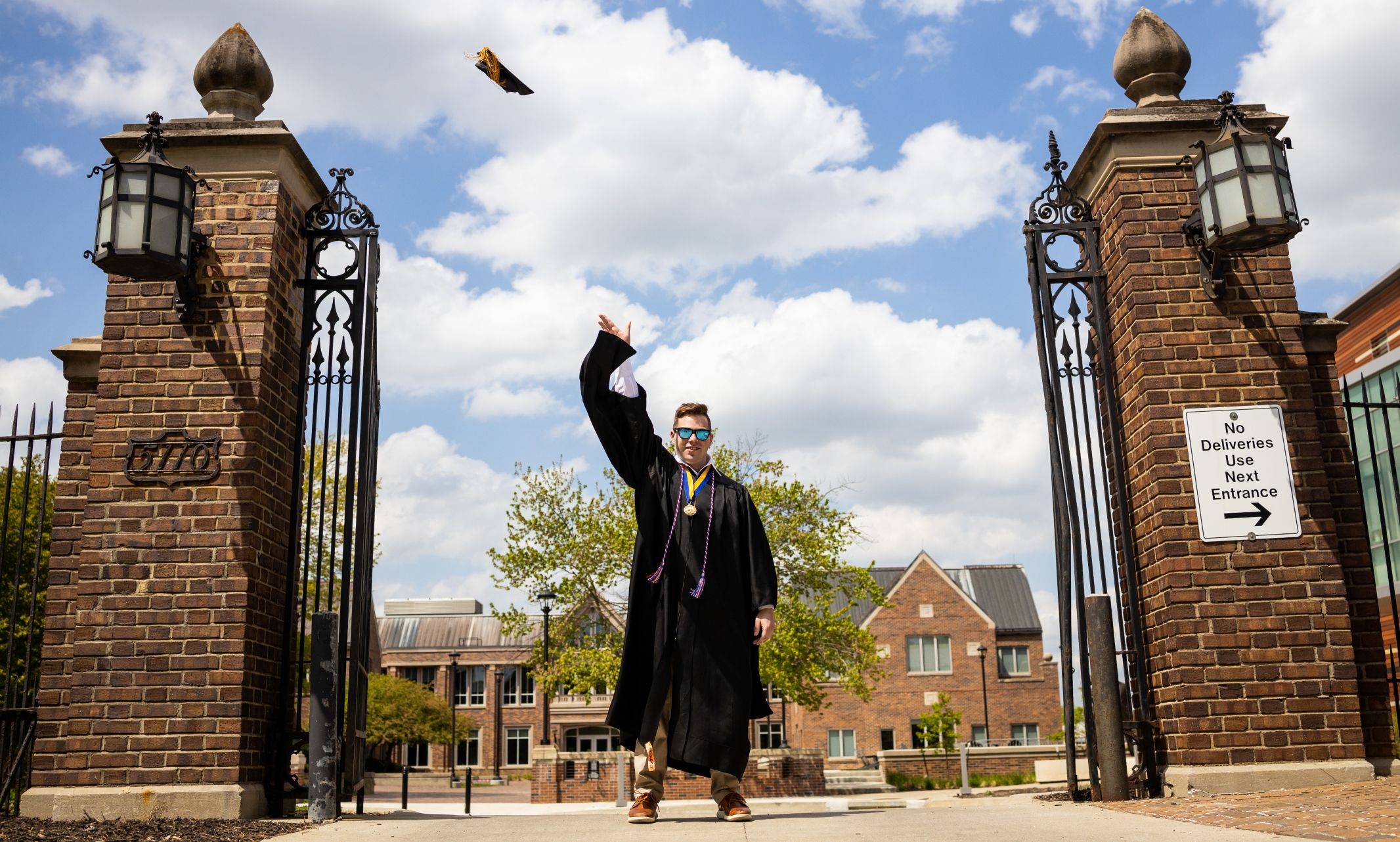
Business student and Missouri Air National Guard staff sergeant Henry Meeds reflects on the UMKC opportunities that have prepared him for post-grad...
Roos don’t just dream, they do. Our students turn ideas into action every day. Get to know our people, and you’ll know what UMKC is all about.
Henry Meeds Graduation year: (BBA ’22, B.S. '23)UMKC degree program: Dual Degree, Business Administration and Accounting Hometown: Fairway, KS
Fresh off the completion of his accounting program, Henry Meeds is starting a new adventure. The May 2023 graduate is headed to New York City to work at the Big Four accounting firm, PwC, a job he had lined up months before graduation. “My experience at the Bloch school has definitely helped me get into this position with PwC,” Meeds said. “The reason I went into consulting is because I don't want to be stuck in the same industry, doing the same job every day.”Meeds became connected with PwC after participating in the company’s diversity-based internship program in 2021. He learned about the company, the technology they use and developed an action plan for a nonprofit organization. He returned for a second internship in the summer of 2022, where he focused on technology consulting and implemented the rollout of Workday for a health care company. By the time the summer was up, he had an offer to come on full-time after graduation as a technology consultant. “I think my experience at the Bloch school has definitely helped set me up,” Meeds said. “Being in a smaller class allowed me to ask questions and get mentorship from those professors. I have a lot of professors that I've been able to talk to you about certain aspects of business. For that reason, I think I bring something new to the table for the company.”
Despite having a full-time job lined up, Meeds didn’t rest on his laurels the last year of his accounting program. He was one of four Bloch Consulting Lab students to work with Vantage Airport Group, the vendor management company for the recently opened single-terminal KCI – the $1.5 billion terminal is considered Kansas City’s largest infrastructure project. Meeds and his peers helped support the company with hiring, developing an internship program and conducting an economic impact study. Meeds said after all the work he’s put in with the airport, taking off from there for New York will be a moment to remember, knowing that what he’s worked towards will have a big impact on his hometown, KC citizens and his career moving forward. “It’s really symbolic,” Meeds said. “Working with the airport and helping implement this great amenity for Kansas City was great. When I leave this month, it will make me feel great just having a piece of KC, while leaving a little bit of myself behind.”
He said the mentorship from experienced professors and participating in the Bloch Consulting Lab helped sharpen his understanding of consulting services and information technology in a way that will benefit him as he begins his career. “Working in this consulting position definitely helped me improve my consulting skills before heading out to New York City,” Meeds said. “We’re getting hands on with every part of the project, similar to what a partner might be doing at PwC. And we’re doing it all ourselves.”While balancing his commitments as a staff sergeant in the Missouri Air National Guard, he didn’t fall short on his academic responsibilities. Last spring semester, Meeds received notice of being deployed to Germany and took the initiative to complete course work and exams ahead of schedule. Following his return, he headed straight to New York City to complete his internship with PwC. His advice to other active military students is to always be ready to be called to duty."Being a military student, and have having done this for the past four years, I am fully aware that things happen,” Meeds said. “I get a step ahead of all my classes to make sure that I'm ready to go.”
May 05, 2023
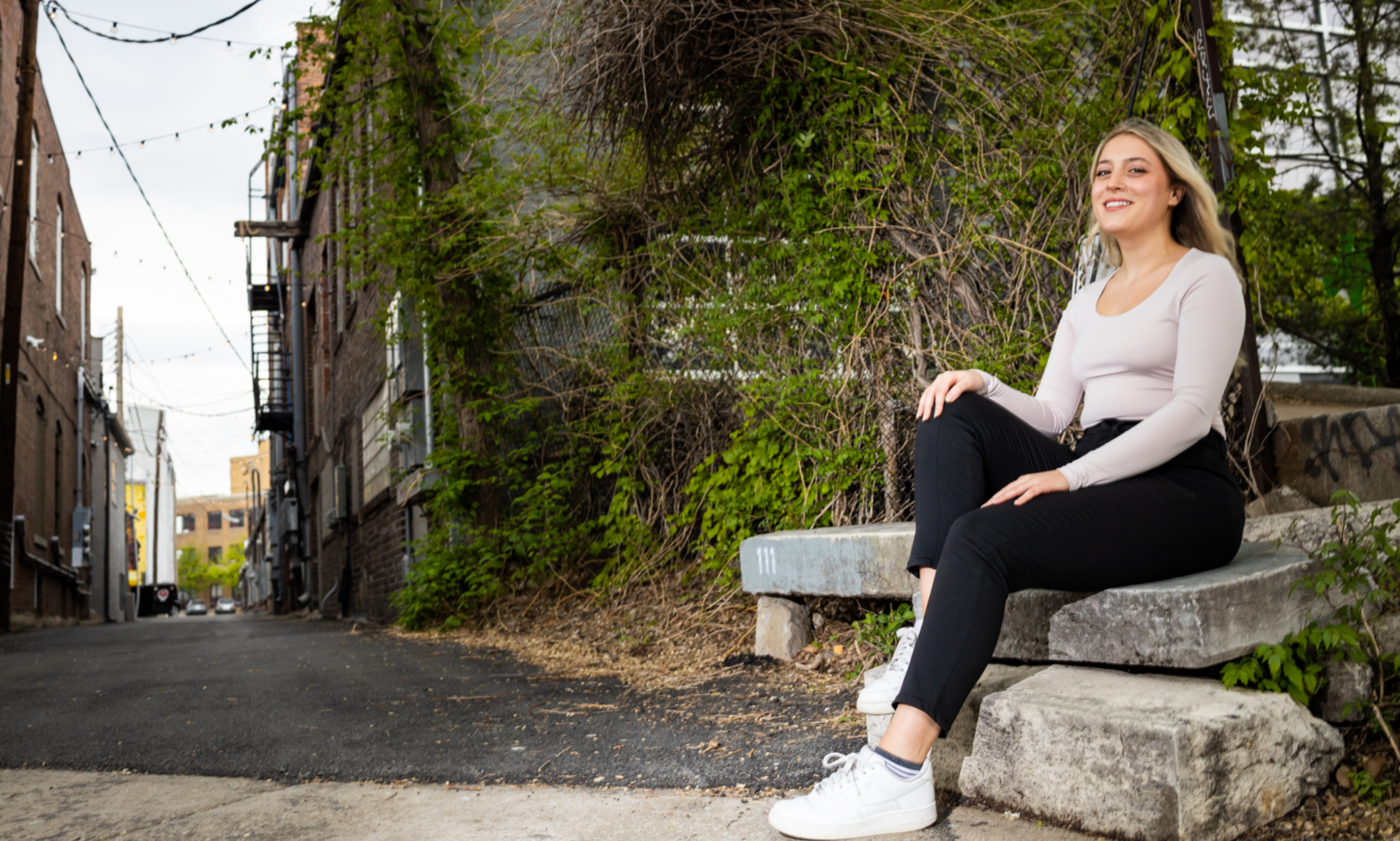
Poem by MFA candidate Shannon Moran will be published in Hayden’s Ferry Review
Shannon Moran, a Master of Fine Arts student in the English department Creative Writing Program, is a winner of this year’s AWP Intro Award in poetry for her poem, “Sadie.”
The national award, open to all U.S. MFA students, is sponsored by the Association of Writers and Writing Programs. Moran, originally from Baltimore, is one of eight winners in the Poetry category. According to the association, the Intro Journals Project is a literary competition for the discovery and publication of the best new works by students. “Sadie” will be published in an upcoming edition of Hayden’s Ferry Review.
“This award means so much to me because, to be considered, your institution's faculty must first nominate your work,” Moran said. “Being nominated by the MFA faculty here at UMKC, all incredibly brilliant and accomplished writers, felt like a testament to both my work and the program overall.’
She described “Sadie” as an epistolary poem in offset couplets.
“The poem addresses themes of addiction and the guilt that comes from recovering and moving on while a loved one continues in the cycle, as well as the complex feelings one has toward the person who initially introduced them to that world,” Moran said. “There is a certain grief that comes from losing someone who isn't gone, from feeling like you've both escaped and abandoned them, from mourning a love that feels everpresent and yet absent--a ghost of itself. This piece is incredibly close to my heart, which made sending it out into the world a bit scary. I am grateful that it has been received well and will find life on the page.”
English Professor Hadara Bar-Nadav, Ph.D., is Moran’s thesis advisor.
“Shannon Moran’s ‘Sadie’ is a breathtaking elegy for a friend,” Bar-Nadav said. “With striking language and imagery, Moran’s poem crosses time and space in this tribute of both love and loss.”
Students in the UMKC Creative Writing Program have won the award multiple times since the program was founded in 2008. Most recently, Mary Henn won in 2020 and Emily Standlee won in 2021.
May 03, 2023
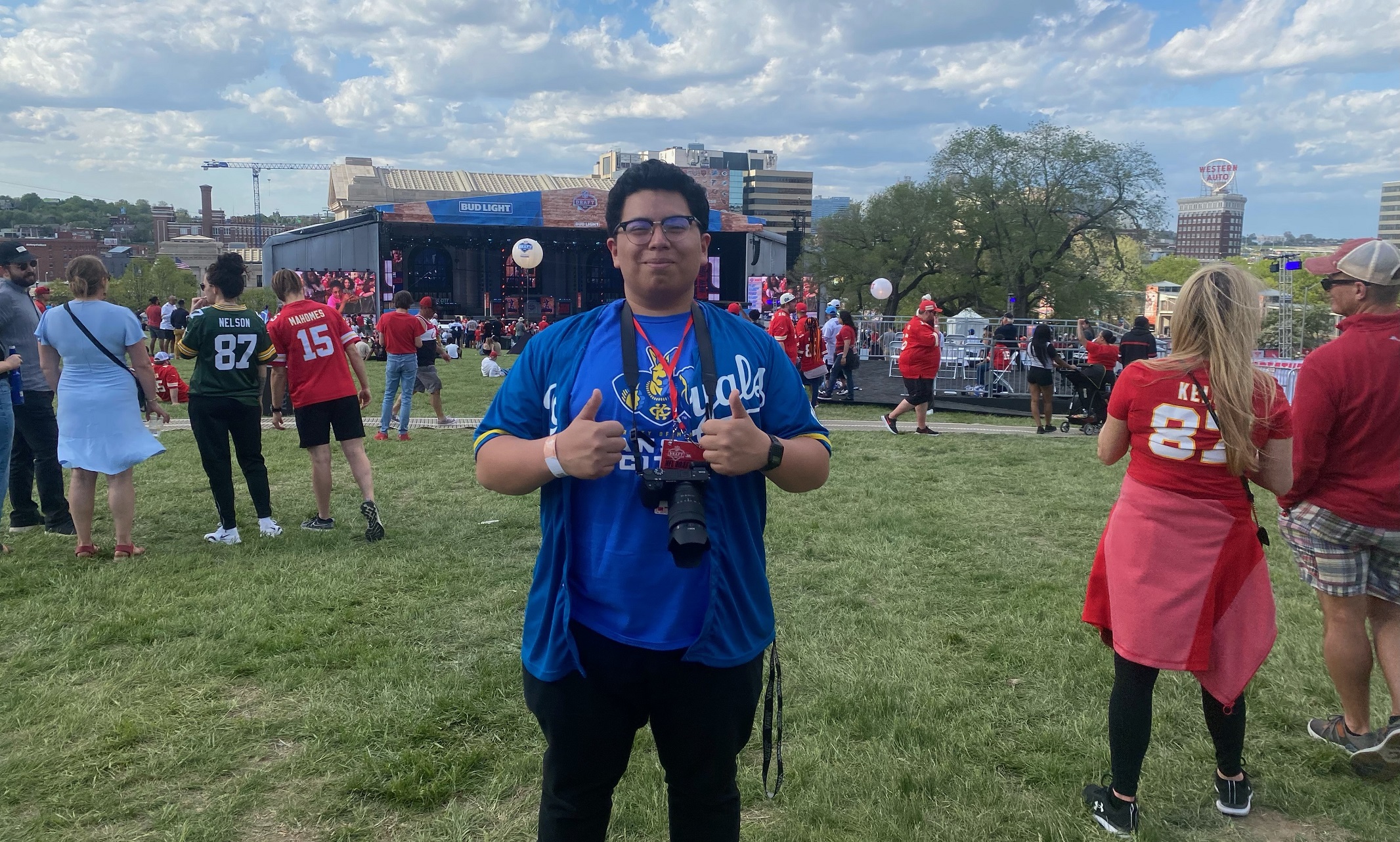
Cristian Martinez had the once-in-a-lifetime opportunity to cover the NFL Draft as a student journalist
Cristian Martinez stands on the football field at Central Middle School, microphone in hand. He looks over at Roo News photographer Julia Kapros and gives her a thumbs-up.
Martinez is with sports journalists from all over the country, waiting to interview prospect Will Levis for the NFL Draft in Kansas City. Unlike other journalists in the crowd, he’s still in college. Martinez is the sports editor for the UMKC student newspaper, Roo News.
“Being at the NFL Draft is a dream come true,” Martinez said. “I’ve always dreamt of covering big events. That I can go to this and learn from some of the best in the business at such a young age is spectacular.”
Covering three days of events for the NFL Draft in Kansas City didn’t just give Martinez the opportunity to interview top draft prospects such as Levis and Zay Flowers, an experience he described as “surreal.” He also got to learn from nationally known sports journalists, both by watching them and talking with them.
“I spoke with Daniel Jeremiah, Joel Klatt and Charles Davis,” Martinez said. “I asked them about their careers, and Davis gave me advice about doing play-by-play and color commentary. Getting to ask them for career advice was amazing and something I’ll never forget.”
"Opportunities will always present themselves, but you have to chase them." — Cristian Martinez
In high school, the Raytown native knew he wanted to attend college in Kansas City. Although he initially considered a university traditionally known for its journalism program, the opportunities that come from being in the heart of the city won him over.
“When I think of the opportunities I’ve had at UMKC, I don’t even know where to begin,” Martinez said. “I attended the groundbreaking for the Kansas City Current, I’ve worked for ESPN to cover Kansas City Chiefs home games, I did play-by-play for the Summit League Basketball Tournament in Sioux Falls and I cover UMKC sports. Sometimes I think about all the things I have done up to this point and it just blows my mind.”
Martinez wants to be a sports broadcaster and writer, but he is working hard to learn all aspects of the journalism field. In his words, he wants to be a “Swiss army knife” when he graduates, prepared for wherever his career may take him. He credits the opportunities and professors at UMKC, including Steve Kraske, Bill Bell and Jeffri Chadiha, for helping him become an accomplished sports journalist already.
Martinez has one piece of advice for students considering UMKC: take advantage of what the city offers.
“There’s so much you can do here, no matter what career you’re pursuing. Opportunities will always present themselves, but you have to chase them. They won’t just come to you.”
May 01, 2023
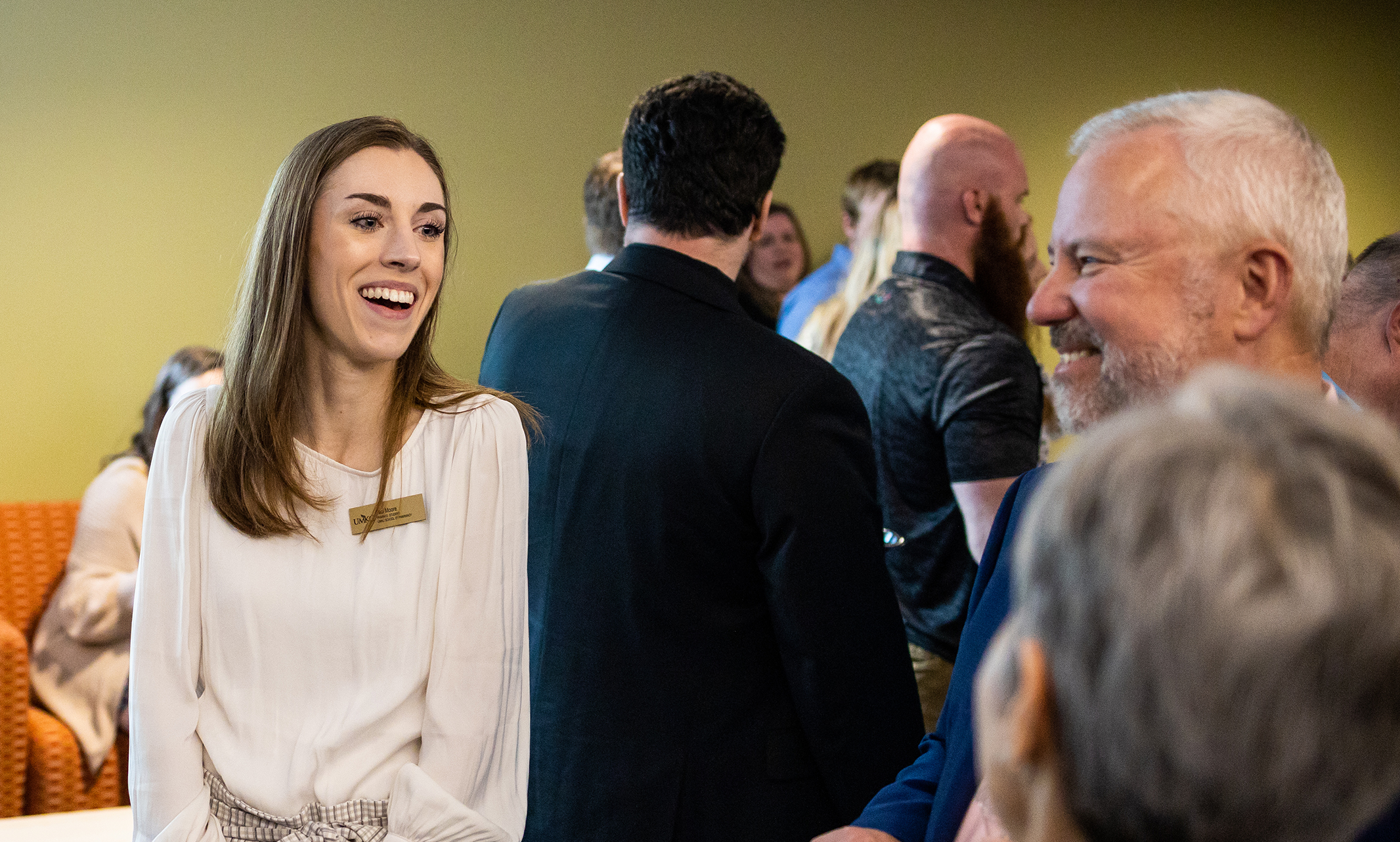
Two new scholarships, one that funds research opportunities, were highlighted at the annual scholarship award ceremony
Steve Stoner knows the financial burdens that college students carry. As the UMKC School of Pharmacy’s associate dean for student affairs, he works with them on a regular basis.
That is why he and his family recently established the Stoner Family Scholarship, recognized along with the school’s Pharmacy Predoctoral Fellowship as its newest student awards during the annual Achievers of Excellence Scholarship Awards program on April 21.
The ceremony acknowledges students who have received scholarships or awards from the school, its constituent groups and the university. Almost 90 students were recognized as having received financial support in the past year from one of more than 50 different awards.
“Working with students on a daily basis, I am well aware of the financial and other insecurities they experience,” Stoner said. “I never want financial roadblocks to be a hurdle to one’s education and being able to achieve their professional dreams.”
A pharmacy educator at the UMKC School of Pharmacy since 1996, Stoner practiced in psychiatric pharmacy and served as chair of the Division of Pharmacy Practice and Administration before his student affairs appointment. With a father who was a middle and high school teacher and middle school principal, a commitment to education, learning and mentoring students is part of his DNA.
Steve and Tiffany Stoner with scholarship recipient Alex Mills
“I have been very fortunate in the profession of pharmacy to help patients live better lives and to train students to do the same and make an even bigger difference,” Stoner said. “This scholarship is just a small way for my wife Tiffany and I, and our children, Peyton and Mallory, to give back to the profession and our pharmacy students. The UMKC School of Pharmacy has been a part of my life for almost 30 years and this is a way to have a lasting impact in helping others.”
The school also celebrated its new Predoctoral Research Fellowship program, a summer research opportunity for students that launched last year with support from a group of generous donors who provided the initial stipends.
“While we learned lessons that will help the program move forward, we were able to provide significant research experiences for pharmacy students who otherwise may not have considered the possibility of a career in research,” said Russ Melchert, dean of the School of Pharmacy.
With Ph.D. programs consistently ranked in the top half of U.S. pharmacy schools in extramural funding, UMKC School of Pharmacy students have enjoyed excellent job placement for decades. But Melchert said that most Pharm.D. students don’t have the opportunity to experience research projects because of curriculum requirements or the need to spend summers in pharmacy technician jobs to financially support their education.
The research fellowship program is designed to overcome those challenges. Last summer it provided funding to four students who gained hands-on research experience, collaborating with a faculty mentor.
“We are hopeful that the students will continue engagement in research and perhaps even enter research careers upon graduation,” Melchert said. “Now we look to build on this success and to double the size of the program in the coming years.”
Apr 26, 2023
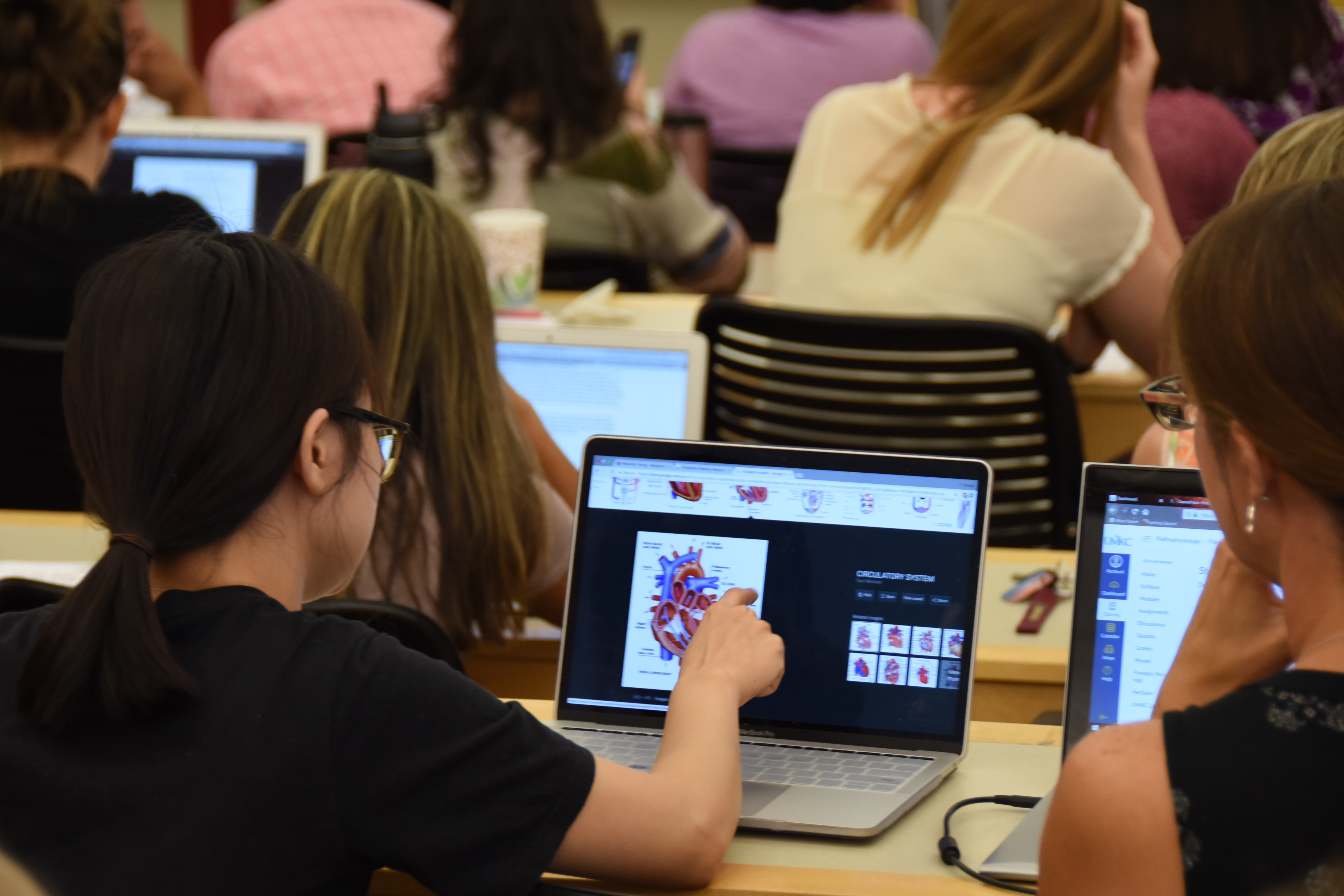
Programs are medical/primary care, medical/research, Doctor of Nursing Practice, professional MBA and public administration
Five UMKC graduate school programs were ranked among the top 100 in the nation in the rankings released today by U.S. News & World Report.
Updated May 2023
The Doctor of Nursing Practice program in the School of Nursing and Health Studies was ranked 49th in the nation, out of a total of 169 ranked schools. Rankings for other regional schools included Mizzou 45th, University of Arkansas for Medical Science 66th, University of Missouri-St. Louis 74th and Saint Louis University 106th.
“We are very pleased by this affirmation of our outstanding doctor of nursing practice program,” said Joy Roberts, interim dean of the School of Nursing and Health Studies. “Our graduates play a significant and vital role in our health care system.”
The UMKC School of Medicine was ranked 71st in the country for primary care, and 88th for research. The school was also ranked 90th in the category of most diverse, 93rd for graduates practicing in rural areas and 99th for graduates practicing primary care.
The professional MBA program in the Henry W. Bloch School of Management was ranked 89th in the country, out of 299 ranked schools, ranking it the highest among public universities in the region.
Another Bloch School graduate program, public administration, ranked 98th out of 269 ranked schools. This places it among the top three programs in Missouri and Kansas.
“Our focus is on developing talent for this region and providing an outstanding experience for students,” said Brian Klaas, dean of the Bloch School. “We are pleased that the quality of our programs is recognized by rankings such as U.S. News & World Report.”
The UMKC School of Law was ranked in the nation's top 100 in six sub-specialty categories, led by legal writing at 13th in the nation. Other legal specialty rankings included trial advocacy, 59th; business/corporate law, 87th; criminal law, 94th; health care law, 94th; and contracts/commercial law, 95th.
Apr 25, 2023
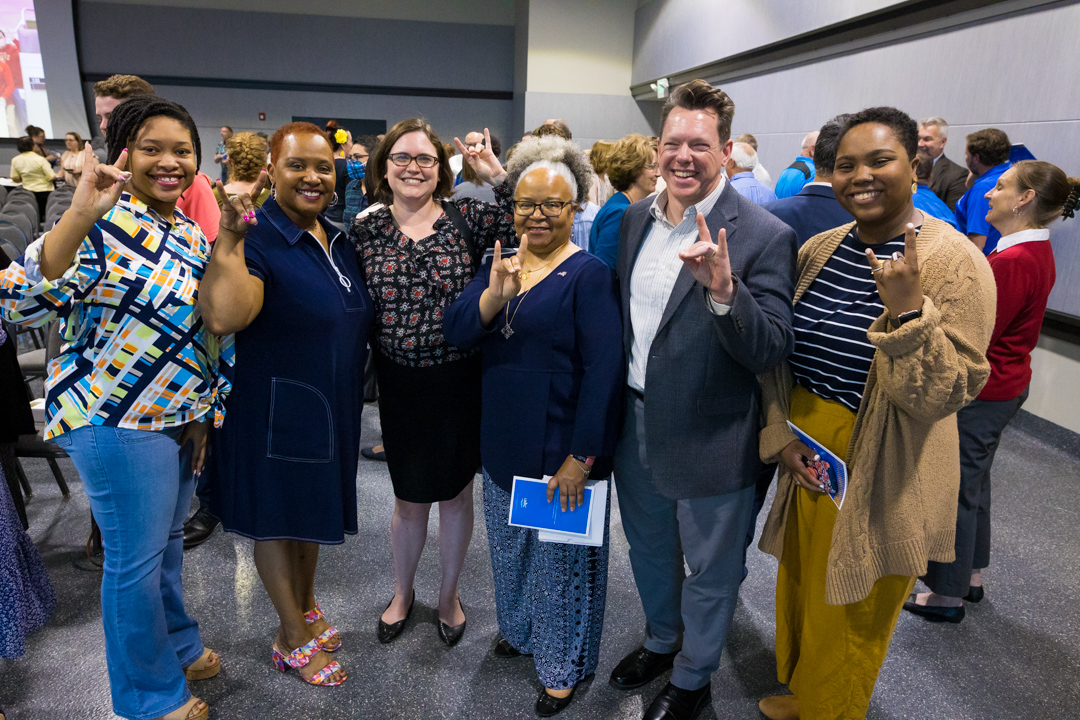
Awards recognize staff milestones and excellence
The University of Missouri-Kansas City recognized more than 200 employees at the 2023 Staff Awards ceremony in March. The annual event celebrates staff members who have demonstrated extraordinary commitment to service, achieved personal and professional milestones, and led efforts to achieve UMKC goals in student success, diversity and inclusion, engagement and research.
Chancellor Mauli Agrawal opened the event by saying the work of staff is integral to the university’s mission and essential to UMKC success.
“Know that whether or not you are called to the stage today, our faculty and university leadership recognize your dedication to the programs and services you provide,” Agrawal said. “Each of you enable UMKC to maintain a reputation of excellence.”
Congratulations to the 2022 awardees:
Staff Awards
Staff Council Dedication Award
Karen King, Senior Program/Project Support Coordinator, School of Education, Social Work, and Psychological Sciences
Living the Values Award
Cara Bradley, Senior Dental Assistant, School of Dentistry
James Bradley, Senior Assistant Director Craft, Service & Maintenance Operations, Finance and Administration
Yolanda Branch, Senior Executive Assistant, School of Education, Social Work, and Psychological Sciences
Kristian Brennon, Financial Literacy Counselor, School of Medicine
Sharon Breshears, Office Support Assistant IV, School of Pharmacy
Karen Campbell, Senior Advancement Officer, KCUR
Angela Cottrell, Director Research and Institutional Programs, Missouri Institute for Defense and Energy
Maria DeSimio, Business Operations Associate II, Information Services
Jennifer Dierks, Law Professional & Career Development Center, Director, School of Law
Michelle Heiman, Student Service Coordinator II, School of Graduate Studies
Diana Jones, Grants and Contracts Administrator, Office of Research Services
Rebecca Markley, Senior Executive Assistant, Provost Operations
Jill Masson, Senior Executive Assistant, Henry W. Bloch School of Management
Hope McMorrow, Athletics Senior Marketing Coordinator, Intercollegiate Athletics
Jeni Mills, Executive Assistant, University Libraries
Wayne Nagy, Assistant Director, Undergraduate Advising, Student Success and Academic Assurance
Brandon Parigo, Strategic Communications Consultant, Strategic Marketing and Communications
Brandy Roberts, Human Resources Business Partner, School of Nursing and Health Sciences
Stella Szymanski, Office Support Assistant IV, School of Science and Engineering
Joseph Tesoro, Electronics Technician III, UMKC Conservatory
Alexa Troyer, Talent Navigator, UMKC Innovation Center
Jennifer Underwood, Office Support Assistant IV, School of Humanities and Social Sciences
Todd Wells, Assistant Dean of Student Engagement and Director of Office of Student Involvement, Student Affairs
Excellence in Student Success Staff Award
Sharon Breshears, Office Support Assistant IV, School of Pharmacy
Excellence in Research and Creative Works Staff Award
Alexis Petri, Director Research Development, Office of Research Services
Excellence in Engagement and Outreach Staff Award
Kim Kushner, for her work as Assistant Director of New Student and Family Programs, Office of Student Involvement
Excellence In Multiculturalism, Globalism, Diversity and Inclusion Staff Award
Erin Gauer, Academic Advisor of Numbers, Engineering, Technology, and the Cosmos, Undergraduate Academic Advising
Excellence in Planning, Operations and Stewardship Staff Award
Kristina Shultz, Senior Office Assistant, Henry W. Bloch School of Management
Rising Star Award
Anna Zimmerman, Financial Literacy Coordinator, Student Financial Aid and Scholarships Office
Chancellor’s Staff Award for Extraordinary Contributions
Tammy Welchert, Director of Undergraduate Academic Advising, Undergraduate Academic Advising
Supervisory Development Series Graduates
Rosana Challacombe
Jamie Charles
Elsa Evans
Nathan Jacobs
Doretta Kidd
Davlon Miller
Julie Myer
Joseph Rucinski
Linda Thornburgh
Thomas Willoughby
Dr. Elson S. Floyd Administrative Leadership Development Program
Casey Bauer
Megan Elsen
Megan Gonzalez
Jeremy Schliesman
Elora Thomas
Series on Leadership Essentials Program
Karey Brantley
Harry Brewster
Mandy Farrow
Kimberly Johnson
Brandon King
Petra Kralickova
Christiana Rangel
Sarah Richardson
Krisana West
Sandy Wilson
Kaitlin Woody
Anna Zimmerman
Organizational Perspectives and Leadership Program
David Babcock
Annie Carr
Joe Constantino
Della Damon
Peter Dulin
Katherine Garey
Susan Hankins
Kimberly Johnson
Leigh Kerwin
Kim Kushner
Jamie Locke
Andre Logan
Dea Marx
Tanya Moore
Eugene Pegler Jr.
Christiana Rangel
Gabriela Sa Teles
Staff who graduated with a UMKC degree in Spring 2022, Summer 2022 or Fall 2022
Casey Bauer
Elizabeth Duarte-Rios
Leigh Kerwin
Hannah Litwiller
Kyle Morehead
Mark Pederson
Ryan Pierce
Craig Reay
Mallory Snyder
Layne Viets
5 Years of Service
Racquel Adams
Rise Ashcraft
Obie Austin
Darchel Ballance
Ayleen Bashir
Jesse Beaudin
Scott Canon
David Cawthon
Austin Chevess
Allan Davis
J Collin Foster
Robert Gambrill
Christopher Garcia
Kathleen Growney
Elizabeth Hoffman-Shrout
Hannah Hohenstein-Flack
Bethany Jordan
Debra Kacirek
Leigh Kerwin
Sarah Key
Loretta Klamm
Randal Krahulik
Jonathan Krajack
Petra Kralickova
Alia Krzyzanowski
Alicia Lawlor
Thomas Lindsey
Grace Lotz
Kelly McDonald
Amy McKune
Nathan Milburn
Mousami Mohanty
Leta Moler
Laura Moore
Ryan Murphy
Huong Nguyen
Amy O’Connor
Lora Owens
Bonny Parsons
Jennifer Pennington
Curby Piehl
Emily Reeb
Sarah Richardson
Marny Robinson
Rachel Robinson
Dawn Schnake
Penny Sisson
Amber Soto
Casey Stauber
Adalynn Stevenson
Bailey Tennesen
Audriana Thompson
James Verzella
Cory Welter
10 Years of Service
Barbara Adkins
Alma Alcantara
Dinah Bounds
Huan Ding
Jeremy Ferguson
Hartzell Gray
Michelle Heiman
Nathan Horn
LaShan Johnson
Karen King
Kristen Kleffner
Kathryn Kraske
Susanne Krulewich
Mary Lackamp
Keanon Liggatt
Jill Masson
Martha McCabe
Daniel McDonald
Jerry Murray
Julie Percival
Edward Wallman
15 Years of Service
Anne Allen
Cynthia Brown
Maryjane Bruning
Alvin Couts
Scott Ezzell
Tian Fu
Mark Galeassi
Mary Garrett
Abelardo Gonzalez
Kendell Hale
Susan Hankins
Michael Harris
WM Jonathan Hern
Alia Herrman
Tusha Kimber
Jennifer Lyles-Maqsood
Tomasina Martinez
Wayne Nagy
Lorena Ortiz
Alexis Petri
Dennis Priest
Bryce Puntenney
Shunda Reeves
James Taylor
Katherine Taylor
Ramona Uranga
Kaitlin Woody
Scott Young
Xiao Zhou
20 Years of Service
Bonita Baxter
Michael Byars
Calleen Carver
Karen Cole
Andrew Goodenow
Justin Guggenmos
Monica Houston
Mark Jeffries
Camille Johnson-Arnold
Andry Joswara
Brandon King
Maria Meyers
John Morrissey
Eugene Pegler Jr.
Polly Prendergast
John Ramsey
Julie Silkman
Claire Tira
Katherine Wozniak
25 Years of Service
Danielle Bishop
Cynthia Brown
Kelly Edwards
Francis Magrone
Cassandra Nedblake
Harvey Phillips
Scott Powell
Carrie Schmalz
Jennifer Smith
Elliott Stockert
Douglas Swink
30 Years of Service
Thomas Gracey
Thomas Green
James Laughlin
Dana Linville
35 Years of Service
Cherie Burton
Debbie Keeton
Rachelle Leutzinger
40 Years of Service
Marie DeSimio
Anita Valdovino
45 Years of Service
Todd Hanna
Apr 19, 2023
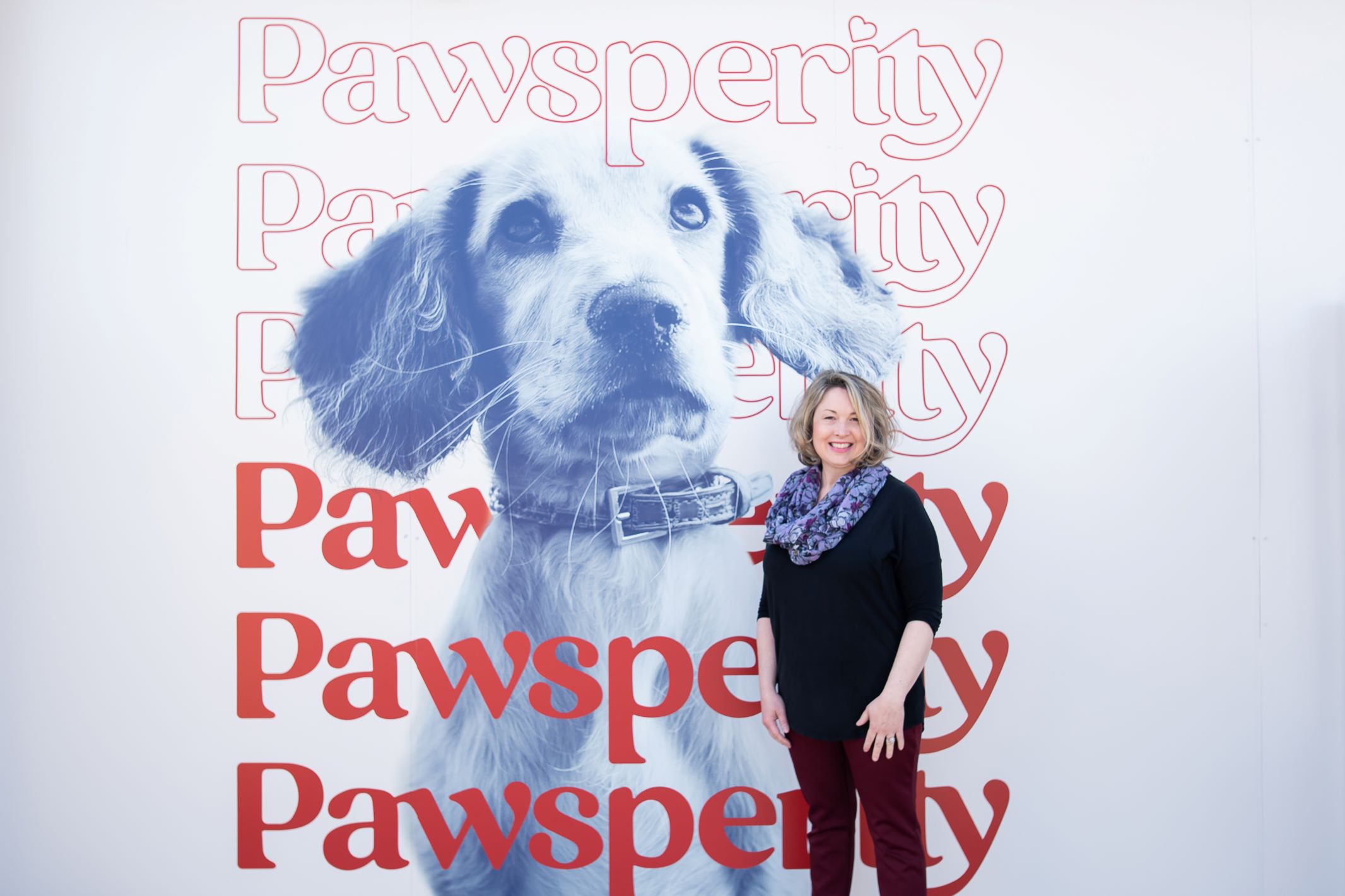
Public administration program, faculty fuel business success with Pawsperity
Natasha Herdman (EMPA '14) is the founder and executive director of Pawsperity, a nonprofit that trains and mentors single parents living in poverty to pursue living wage jobs. The organization's first job training program is in animal grooming.
Early in her career, Herdman lived in Washington D.C., and faced the challenges of finding affordable childcare.
“It was nearly impossible,” she said. “So, I quit my job and opened a childcare center in my home. To become licensed, I had to go through a lot of training in early childhood development.”
In this training, she learned about brain development and the importance of verbal stimulation on brain development and future reading levels.
“In addition, I learned that high school dropout and incarceration rates can be predicted by those reading levels.”
When she began working in homeless shelters, she gained more knowledge about the effects of neglect and abuse including dropping out of school, poverty, drug and alcohol abuse, prostitution and early parenthood.
“It was clear to me that poverty spanned generations and to break the cycle we needed to work with multiple generations at a time.”
Herdman started her executive master’s degree in public administration at the Henry W. Bloch School of Management knowing the challenges she wanted to address, but she had not formed a strategy yet. She began by researching programs that worked to help people get and keep good-paying jobs.
“I was clueless, but willing to help and learn, so I became friends with the clients we served,” Herdman said.
As she developed those relationships, her clients began to share the details of their lives and educate Herdman about the challenges of their situations.
“I would work to help homeless moms get full time jobs, only to learn they would lose housing, childcare and food subsidies because they were earning $10-$12 an hour,” Herdman said. “They’d end up quitting their jobs to go back on welfare so their kids could eat and have a place to sleep.”
As her professors allowed their students to choose their own topics for research paper and projects, she was able to tailor her assignments for a nonprofit business she wanted to launch, training single parents for specific in-demand jobs. That led to Pawsperity.
Pawsperity graduate at work in her salon
“As far as I know, we are the only nonprofit grooming school in the country,” Herdman said. “We are one of the few nonprofits that trains for a high-wage trade with social workers participating side-by-side with students and instructors.”
The money the organization earns through grooming supports each student’s $2,875 stipend.
“Most students are living on $3,500 a year while they are with us, so any little bit helps.”
Herdman’s focus and determination are paying off. Understanding the need to diversify revenue streams, Herdman has grown Pawsperity in big ways. She opened a market-rate grooming salon in Lee's Summit a few years ago. This salon is now completely staffed and managed by six program graduates.
Recently, Pawsperity launched two business in a new facility located near Troost Avenue. A dog daycare opened in February 2023, and a new market-rate grooming salon which opened in March. Profits from all three businesses feed the mission of the nonprofit grooming school. Over the next few years, the goal is for income from pet services to support 50% of the budget. Herdman anticipates that as the businesses grow, the number of families within the community that Pawsperity can help will also increase.
Herdman says her experience at the Bloch School was integral to Pawsperity’s success. Bloch taught her how to manage a nonprofit, read financial statements, build a team, partner with other nonprofits and most importantly, she says, it taught her how to focus, which ultimately led to her success.
“Originally, I planned to open a grooming school, childcare center and housing facility for students and their kids. In the EMPA program, my executive coach, Gene Dooley, suggested I pick one service, but not all three.”
Herdman says she cannot imagine her organization coming together without the support she received from her professors and classmates at UMKC, because she learned so much: how to write budgets for grants, how to conduct a program evaluation and why multiple revenue streams and earned income are so important.
“The greatest value of my education at Bloch was the access to my professors, including David Renz, Brett Never and Scott Helm, who helped me mold and shape the organization we have today.”
Apr 18, 2023
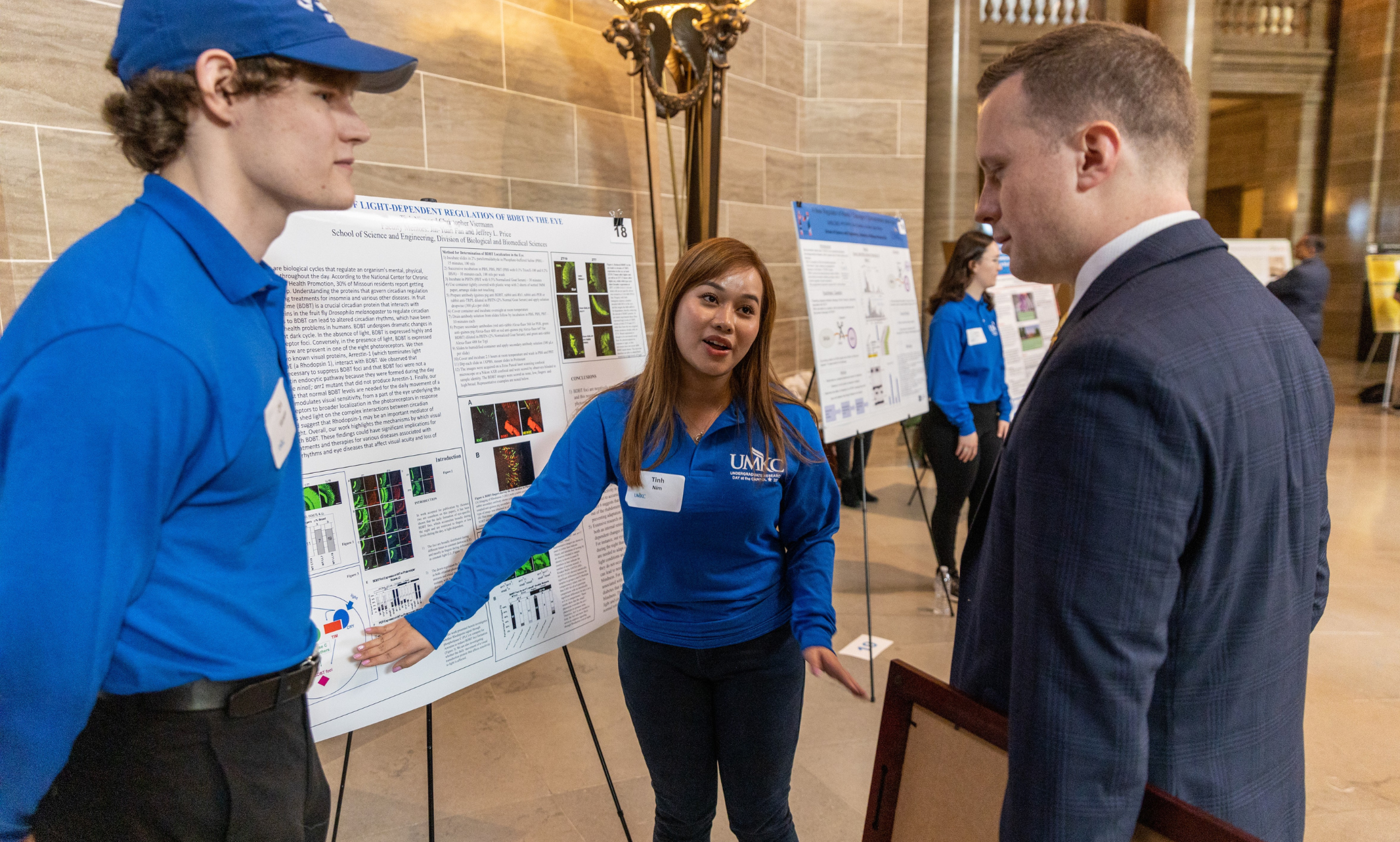
UMKC students who presented are from the Conservatory, School of Humanities and Social Sciences and School of Science and Engineering
A group of UMKC students presented their research on music therapy, childhood mental disorders, Missouri history and more in front of elected officials at Undergraduate Research Day at the Capitol.
The annual event highlights the unique research opportunities available to undergraduate students at all UM System schools in front of lawmakers and the general public.
Research: Diagnosis Differences in Childhood Mental Disorders
Zalyia Carr is a senior from Overland Park majoring in psychology.
As of 2022, 13% of Missourians have a cognitive disability, according to the CDC. Among children, accurate detection of mental disorders can lessen the result of prescribing unnecessary medications or being left untreated. Historically, Black children have been underdiagnosed and misdiagnosed due to a lack of representation in research studies. Pinpointing trends across demographics remains a challenge. Because symptoms display differently relative to white counterparts, Carr predicts that Black women and young girls have an increased risk for delayed diagnosis of common early childhood disorders. Carr is researching early appearances of mental disorders in Black females, because unaddressed issues can manifest to impair other aspects of their lives.
Research: The Clio App — Your Guide to the History and Culture Around You
Sarah Herndon from Lone Jack, Missouri, is a senior majoring in history.
Missouri is rich with history that reflects its impact on our nation’s growth. Herndon contributed over 50 entries to Clio, a free, nonprofit app created by UMKC David Townbridge that features more than 39,000 entries detailing the distinct types of history spanning across Missouri. The Clio app fosters conversation about the state’s history. Herndon’s entries are comprised of documents from the National Register of Historic Places, archived audio files and interviews and curated content based on subject matter. The app provides knowledge that can make Missourians more informed and engaged citizens.
Research: Music Therapy as a Nonpharmacological Treatment for Post-Stroke Depression
Hannah Edwards from Independence a senior majoring in music therapy.
Of the 8,000 Missourians that experienced a stroke in 2020, post-stroke depression (PSD) is a lingering effect for upwards as 30% of survivors, according to the CDC. The astounding effects on everyday living exceed lower quality of living, forgetfulness and heightened anxiety.
Music therapy helps rewire the brain, improve motor functions and regulate mood. Although music therapy has been used to address stroke recovery, research on using it to treat PSD is limited. Traditional recovery has entailed a pharmacological approach, however they have not been found as an effective alternative for complete remission.
In this research, Edwards discussed a clinical framework for using music therapy as a nonpharmacological treatment.
Research: A New Regulator of Ataxin-7 Cleavage in Spinocerabellar ataxia type 7
Lindsy Todd is a junior from Grain Valley, MO, majoring in biology.
Spinocerebellar ataxia type 7 (SCA7) is a disease of the nervous system that impairs the sending and receiving of messages between the brain and muscles. Individuals that inherit it experience the loss of motor function and blindness. Todd used an innovative method that successfully identified a regulator of the pathway causing SCA7. This research not only helps Missourians understand the effects of SCA7 but focuses on protein-protein interactions that contribute to the disease and possibly others. One interaction is with the deubiquitnase module (DUBm) which regulates protein levels in the body.
Her follow-up study tested the Ataxin-7 (ATXN7) pattern in the presence and absence of the regulator previously mentioned to determine its function and therapeutic possibility. Furthering this research could lead to treatments for SCA7.
Research: The effects of visual and circadian proteins on BDBT and of BDBT on visual proteins
Chris Viermann is a sophomore biology major from Lee Summit, MO, and Tinh Nim is a senior biology major.
Viermann and Nim observed Bride of Doubletime (BDBT), a protein produced from circadian rhythms, 24-hr cycles that impact a person's mental, physical and behavioral state throughout the day. The pair studied the effects of protein genes like Arrestin-1 and their relation to ninaE mutants, which plays a major role in light detection and vision. Both have been associated with eye disease. This research builds upon similar UMKC published works from 2013. This analysis of the biological “clock” impacts the future of health research conducted, as well as work efficiency spanning across Missouri. Bodily response to light impacts the level of alertness, response time, and energy regulation for individuals completing any task.
Research: Development of weed detection robot using deep learning
Suha Cho is a senior information technology major from Seoul, South Korea.
Cho’s research looks to generate Deep Learning (DL) techniques for a weed detection robot to help Missouri Farmers grow crops efficiently. The techniques are derived from image processing-based framework that will identify and classify weeds from crops. With this techno-efficient method for weed detection, it will result technological improvements in Missouri’s agriculture production, and allow the residents to have better green environments.
Research: Foxg1a regulates craniofacial development in the zebrafish
Nusaybah Ibrahim is a senior from Kansas City, MO, majoring in biology with a chemistry minor. Laylah Liwaru is a senior from Kansas City, MO, majoring in biology.
Nusaybah and Laylah used the zebrafish as a model to study the development of the jaw and how this relates to human development. Foxg1 is a gene that is critical for embryonic development. In particular, Foxg1 regulates the development of the forebrain as well as ear and eye formation. Foxg1 regulates cellular proliferation, differentiation and morphogenesis.
The research aims to help understand how the foxg1 mutation affects human development.
Research: Developing skills with big data: Colonel Greene’s antiphonal collection as a resource
Maah Kyi is a senior history and English major from Kansas City, MO.
Maah digitized, measured and recorded data from 12 volumes of antiphonals made in 1562. She also transcribed the lyrics of the Gregorian chants that were to be destroyed, but saved when Colonel Howard Greene bought them and brought them to the US in 1931.
The importance of inventorying the antiphonals is to make them accessible for research by musicologists, historians, and others invested in cultural heritage and eventually all of the antiphonals’ images will be uploaded in the CANTUS database.
Research: A secondary data analysis of the Child Obesity and Health Messaging Preferences among Missouri Policymakers (CHAMNP) study
Judy Vun is a senior nursing major from Kansas City, MO.
Enacting policy changes which promote nutrient-dense foods and daily physical activity can play an important role in addressing childhood obesity. Little is known how the framework and delivery of health messaging to policymakers influences the development of obesity-related policies.
Vun studied the inclusion of visual media in health policy messaging and how it may positively impact the promotion of child and obesity-related policies.
Apr 18, 2023
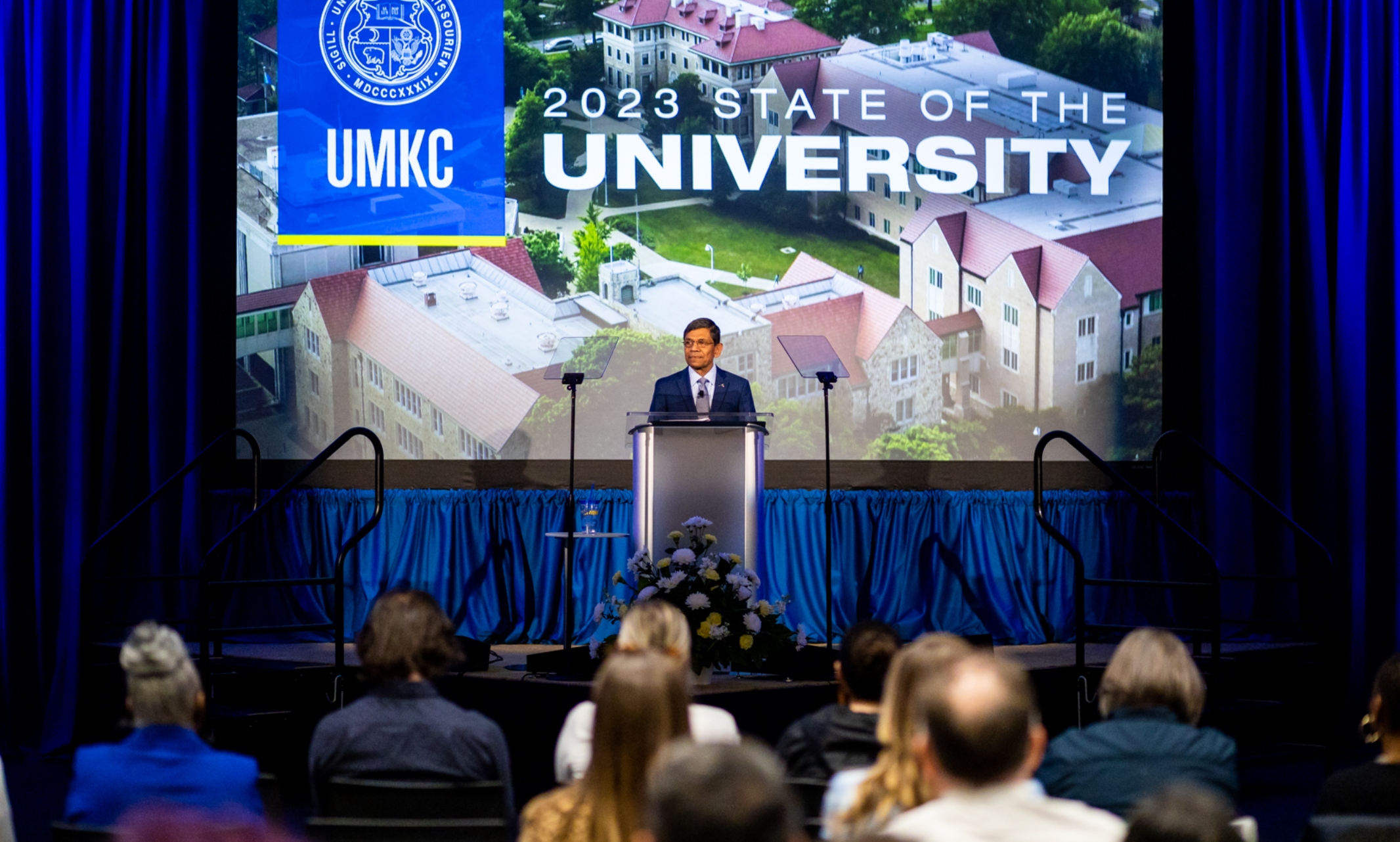
Chancellor announces student success, streetcar-stop expansion, new buildings, campus upgrades and research advances
Celebrating five years as the leader of the University of Missouri-Kansas City, Chancellor Mauli Agrawal delivered the annual State of the University on April 17 to students, faculty, staff and the community. In addition to recognizing student success, he announced news about new facilities development, campus upgrades and research advances along with other promising details about Kansas City’s university.
“We have real proof of what we are capable of, our successes and positive momentum – and people are paying attention more than ever before,” Agrawal said. “To quote a certain two-time Super Bowl-winning quarterback from Kansas City: ‘We’re just getting started.’”
1. Student success
UMKC achieved its highest retention and graduation rates in the past decade, successes that stemmed from new initiatives focused on propelling the academic achievement of students.
One of those, UMKC FirstGen Roos Scholars, provides a series of programming and supports for first-generation college students. As a result, scholars in this program outperformed the student body as a whole. Because of this wrap-around support and the determination of the students, the UMKC First Gen Roo Scholars, outperformed the entire UMKC student body as a whole in the fall of 2022 earning an average GPA of 3.26 and an 81% retention rate for the first year. Compared to other first gen UMKC students, who didn’t participate in the program, the Scholars achieved a 22% higher GPA and a 10% higher retention rate.
Success of the scholars program has led UMKC to be recognized as a First-Gen Forward Institution by the Center for First-Generation Student Success, which recognizes colleges and universities that have demonstrated a commitment to improving experiences and advancing outcomes of first-generation college students.
2. Streetcar-stop development
The university is making plans to capitalize on a new streetcar extension that will stop on the campus’s doorstep, at the intersection of Brookside and 51st Street in 2025. The university will begin exploratory work this spring that could turn vacant land near the proposed stop into a campus and community destination. The project could include a mix of retail, housing and a small arena perfect for campus events, concerts and athletics.
3. New buildings
UMKC has nearly acquired full funding for the Healthcare Innovation and Delivery Building, including a $40 million grant from the state, a $10 million federal grant plus a $30 million lead gift from the Sunderland Foundation and $15 million from the Hall Family Foundation. This building will bring much-needed relief to the schools of Dentistry and Medicine. Currently, architects are working on the designs, and the building should be ready in Fall 2026.
UMKC will soon break ground on a new School of Medicine building in St. Joseph, funded through federal and state dollars, that will house the UMKC program for rural healthcare already operating there. It’s on schedule for an opening in Fall 2025.
4. Campus upgrades
This summer, UMKC will open student recreational fields for soccer and a cricket pitch along Brookside, between Johnson Hall and 51st Street.
“We want students to be able to enjoy that greenspace until we determine final future plans for that university land,” Agrawal said.
Also, UMKC is close to being able to transform 51st Street from Cherry to Rockhill into a pedestrian-only corridor.
“I can just imagine the transformation: plantings and greenery, string lights, places to sit and gather,” Agrawal said.
Other renovations:
The university has invested $4 million in renovations at the UMKC Conservatory – transforming Grant Recital Hall, improving student practice rooms and more. This fall, Dean Courtney Crappell will reveal plans for further phased renovations and expansion of the Conservatory to meet future needs.
Work will begin this fall to house student-success programs in the Miller Nichols Library and Atterbury Student Success Center.
A new faculty lounge in Newcomb Hall in the fall of this year, a place where faculty can gather for discussion and engagement.
5. Research growth
UMKC is Kansas City’s only public research institution, creating new knowledge through discovery and developing game-changing innovations across the research spectrum. That benefits not only UMKC students, but the entire Kansas City metro area and beyond.
Agrawal committed to hiring additional faculty in FY24 to continue its stellar growth in the research enterprise.
One example: In the UMKC strategic plan in 2018, leaders set a 10-year goal of bringing in $85 million annually in total external awards. This year, five years ahead of schedule, UMKC has already blown away that metric, with more than $118 million.
“The recent exceptional research growth has elevated us to a level where I believe we are close to the R2-R1 cusp and can realistically envision attaining a Carnegie R1 status in the near future,” Agrawal said. The R1 designation would make it easier to hire additional excellent faculty and attract high-quality students. It also helps with national prestige leading to enhanced collaborations with other R1 institutions and more research funding.
UMKC is leading ground-breaking research – from the work going on at the Health Sciences Campus to Humanities and Social Sciences to the School of Science and Engineering.
Innovative research is what brought U.S. Secretary of Transportation Pete Buttigieg to UMKC in February. That’s where Buttigieg announced a new $10 million federal grant awarded to UMKC to develop innovative approaches to improve the sustainability and equity of transportation infrastructure.
At its meeting this month, the University of Missouri System Board of Curators will recognize researcher Rose Wang from the School of Dentistry for her work using AI and infrared technology to identify cancer risks in patients. She received a $430,000 developmental research grant from the National Institutes of Health to help develop this research.
Apr 17, 2023
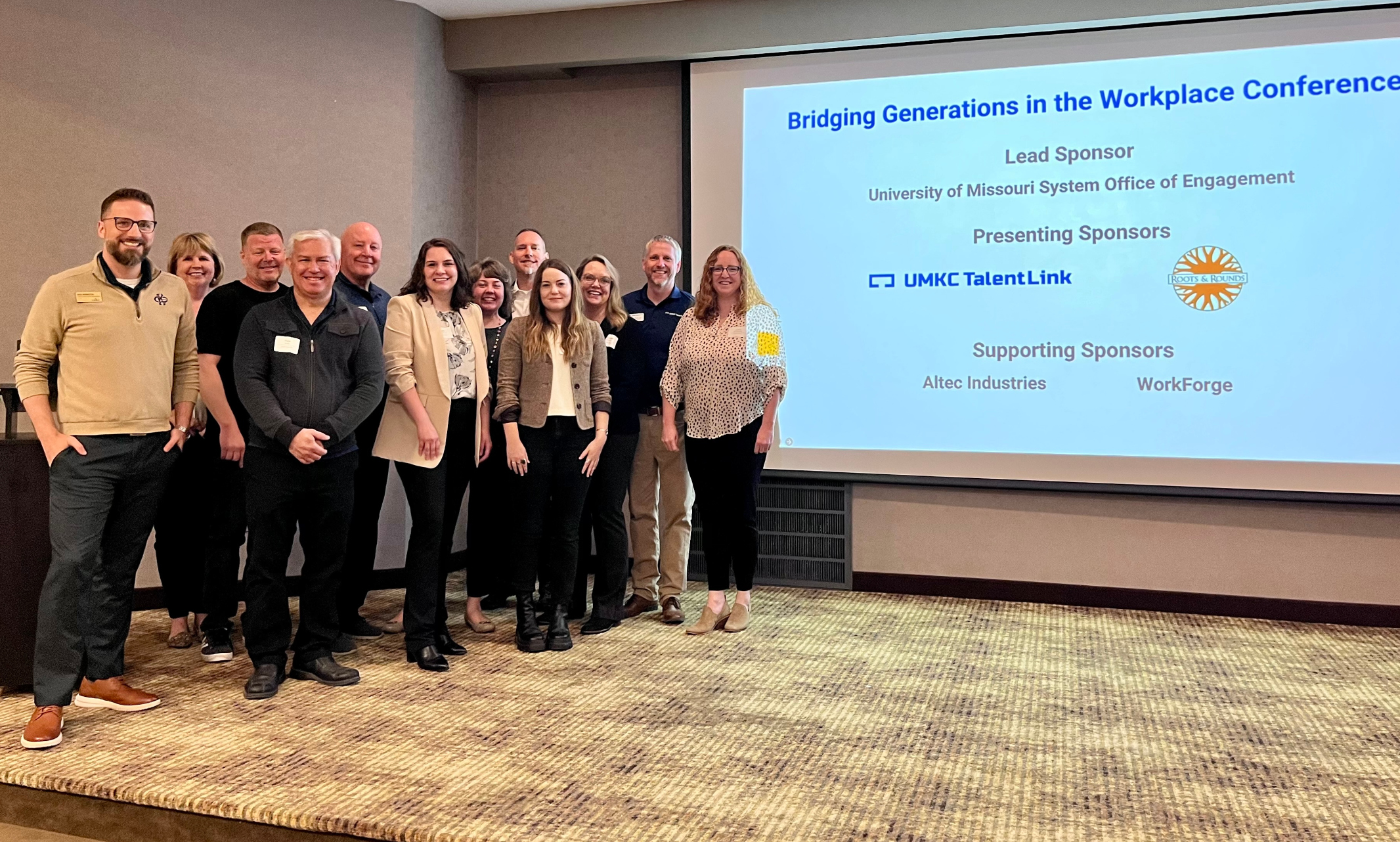
UMKC TalentLink sponsors workforce development conference in St. Joseph
The UMKC commitment to workforce development goes well beyond educating individual young professionals. UMKC TalentLink convened a panel of experts in St. Joseph for a discussion of how those recent graduates interact with older generations in the workplace.
The Bridging Generations in the Workplace Conference offered helpful workshop tools and takeaways to help managers lead and work with multigenerational workforces. The April 11 conference was held at the Stoney Creek Hotel.
The idea for the conference grew out of 2021 UM System Extension and Engagement Week programming. A statewide working group identified multigenerational communication as a significant workforce development issue.
Presenters included Erin Blocher, assistant teaching professor of management at the UMKC Henry W. Bloch School of Management; EAG Advertising and Marketing Chief Marketing Officer Jeff Randolph; and Christel Gollnick, founder Roots and Rounds, a nonprofit focused on respectful and inclusive communication across different age groups.
In workshops on Intergenerational Awareness, Communication and Employer Brand Strategy, presenters said coworkers from different generations in a shared workplace possess different communication styles, expectations, levels of experience, expertise and perspectives. They shared strategies for bridging differences while working toward a common goal by adapting to the ways different people work with others.
Apr 11, 2023
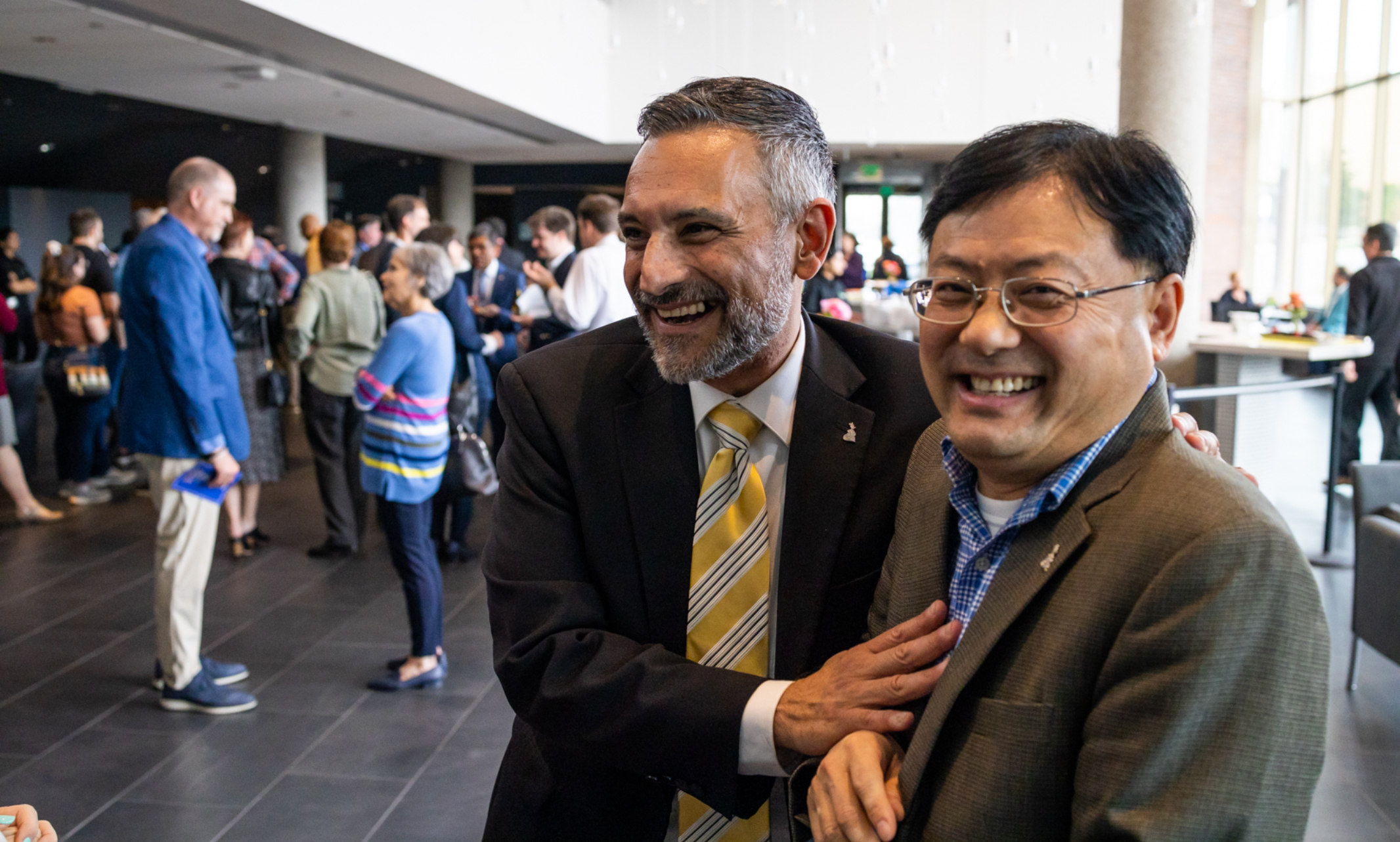
Annual awards program recognizes outstanding teaching, research and service
The University of Missouri-Kansas City celebrated the achievements, contributions and dedication of outstanding faculty at the annual Faculty Recognition Event April 4 at the Olson Performing Arts Center.
“Your contributions and success reach beyond the classroom, lab and stage,” said UMKC Provost Jenny Lundgren. “As involved as you are here on campus, you contribute to the community in a way that reflects our philosophy that we are ‘Kansas City’s university.’ ”
“In addition to your teaching and research, many of you have been the closest resource for a student who was struggling – either academically or personally,” she added. “We know that many students will look back and realize the value of your time and dedication. They will recognize that they couldn’t have done it without you.”
UMKC Chancellor Mauli Agrawal also spoke and praised all the award recipients.
“Our faculty are critical to the success of UMKC,” Agrawal said. “Just look at how we have been able to increase our research awards and how we have improved our student retention and graduation rates. To give you an idea – we have doubled our research expenditures to $53 million over the past four years and we anticipate that we will almost triple the annual external grants over this same period. We have the highest student graduation rates and student retention rates in more than a decade. Let us not forget that it is you, along with our staff, who has made this happen. Be proud.”
The faculty awards presented were:
The N.T. Veatch Award for Distinguished Research and Creativity
Masud Chowdhury, School of Science and Engineering
UMKC Trustees Faculty Fellowship Award
John Spertus, School of Medicine
Elmer F. Pierson Good Teaching Awards
Catherine Boles, School of Dentistry
Ryan Copus, School of Law
Emily Hillman, School of Medicine
Karen Landay, Henry W. Bloch School of Management
Provost’s Award for Excellence in Early Career Teaching, Tenure Track
Owen Belcher, Conservatory
Provost’s Award for Excellence in Early Career Teaching, Clinical and Teaching Faculty
Jessica Magaña, School of Science and Engineering
Provost’s Award for Teaching Excellence in the Mid-Career/Senior Career, Tenured Faculty
Candace Schlein, School of Education, Social Work and Psychological Sciences
Provost’s Award for Teaching Excellence for Mid-Career/Senior Career Faculty, Clinical and Teaching Faculty
Darla McCarthy, School of Medicine
Provost’s Award for Excellence in Mentoring
Yugyung Lee, School of Science and Engineering
Awards for Excellence in Mentoring Undergraduate Researchers, Scholars and Artists
Alison Graettinger, School of Science and Engineering
Paul Rulis, School of Science and Engineering
Jeff Rydberg-Cox, School of Humanities and Social Sciences
Chancellor’s Award for Embracing Diversity
Jennifer Waddell, School of Education, Social Work and Psychological Sciences
Gail Williams, University Libraries (posthumously)
Chancellor’s Award for Excellence in Community Engagement
Stefanie Ellison, School of Medicine
Joe Parisi, Conservatory
Chancellor’s Award for Exceptional Leadership
Gerald Wyckoff, School of Pharmacy
Chancellor’s Award for Career Contributions
Roger Sommi, School of Pharmacy
Apr 05, 2023
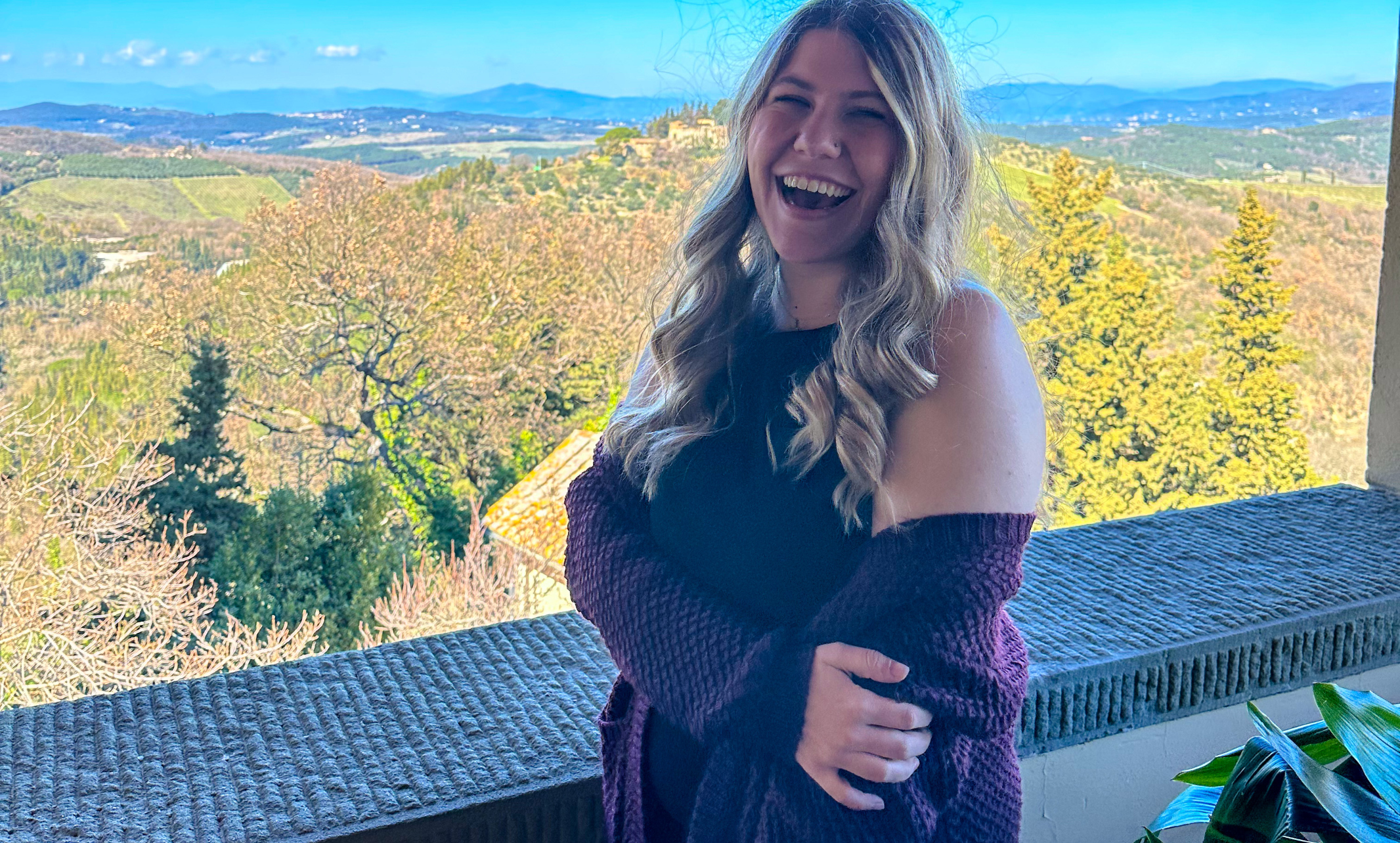
They earned scholarships from federal Gilman program providing foreign-study opportunities for lower-income students
Two UMKC students have received $4,000 federal grants to study abroad this year through the Benjamin A. Gilman International Scholarship program.
The congressionally funded Gilman Scholarship provides financial support to outstanding undergraduate Pell Grant recipients who, due to financial constraints, might not otherwise study abroad. For more information, visit the office of Study Abroad and Global Engagement.
Yasmeen Hanon will spend this summer at CIEE in Amman, Jordan. CIEE, formerly the Council on Student Travel, is a consortium of 32 U.S. nonprofits and cultural agencies promoting study- abroad programs. She will study international issues such as Arab-Israeli relations, regional conflicts, politics, international relations, environment and more.
Lilly Kamler is spending the current semester in Rome, studying business, communications, international relations and liberal arts at the American University of Rome.
“I am thrilled to be able to study abroad this summer in Amman, Jordan. I plan to do research and data collection for my undergraduate research projects,” Hanon said. “It will be a wonderful experience to study my area of interest, Middle Eastern politics, while also partaking in day trips and external research.”
Hanon, of Kansas City, is pursuing a double major in political science and environmental science, with an international studies minor and an anticipated 2025 graduation. She is currently working on two research projects.
“My primary project revolves around the analysis of factors that shape the perception of conflict in neutral western media sources,” Hanon said. “I constructed a dataset to analyze some factors and their presence in media. This summer, I plan to collect more data consisting of Jordanian newspaper sources so that I can conduct a similar analysis through the Jordanian perception of conflict. My second project revolves around analyzing the correlation between resource wealth and conflict in the Middle East and North Africa. I use case studies to research this topic.”
“This trip has provided me with the space to learn a new way of life. Without the support from the Gilman program, coming to Italy and exploring the world would still be a dream for me, not a reality.” —
Lilly Kamler, UMKC chemistry student
Kamler is a senior from Cuba, Missouri, majoring in chemistry with minors in psychology and business with plans to become an anesthesiologist assistant. She said her experiences in Rome will strongly impact her future health-care career.
“Since arriving in this beautiful city, I have had the opportunity to emerge myself into a culture other than my own,” Kamler said. “I have tried new cuisine, attempted to learn a new language, met people from all over the world and much more.”
While Rome has been her base, she has traveled to Venice, Florence and Riomaggiore in Italy, plus trips to London and Spain.
“Before my time in Italy is over, I will be visiting Pompei, Capri and Sorrento,” Kamler said. “This trip has provided me with the space to learn a new way of life. Without the support from the Gilman program, coming to Italy and exploring the world would still be a dream for me, not a reality. I will forever be grateful and thankful that I have had this opportunity.”
Apr 04, 2023
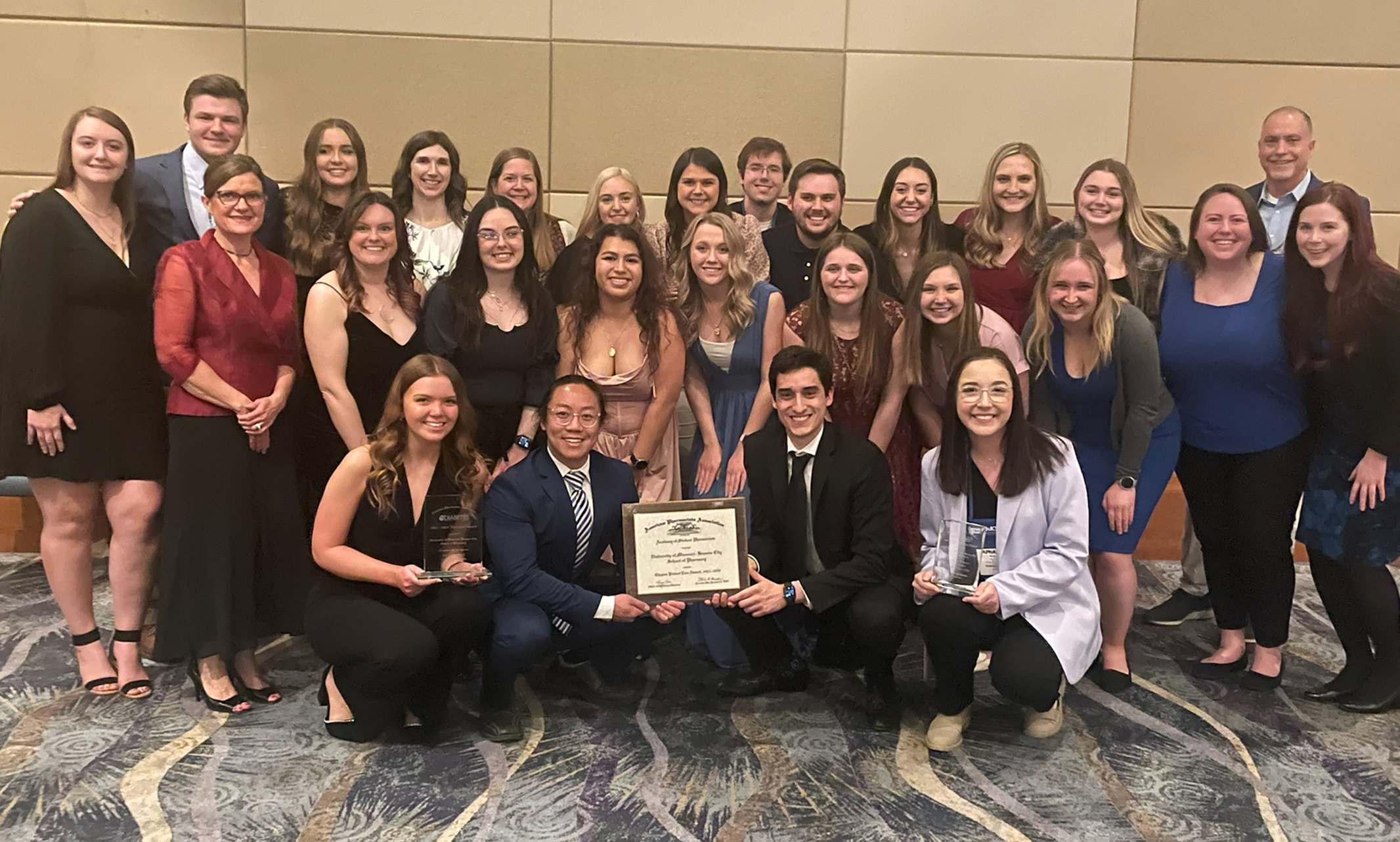
Student chapter of American Pharmacists Association recognized for its excellence in community engagement initiatives
The UMKC School of Pharmacy continues to draw national recognition for its excellence in developing programs that engage, educate and improve the health of the community it serves.
The American Pharmacists Association Academy of Student Pharmacists (APhA-ASP) selected its UMKC chapter from nearly 130 chapters across the country to receive the top national awards for the school’s local community engagement initiatives as well as a number of individual awards and recognitions, at a national meeting and exposition March 24-27 in Phoenix.
The school received the organization’s Patient Care Award for most outstanding local initiatives, the Over The Counter Medicine Safety Award that focuses on safe medication practices and the Operation Diabetes Award for efforts to raise awareness and reduce complications associated with type 2 diabetes.
“Many chapters only focus on the national initiatives, but not our crew,” said faculty advisor Cameron Lindsey, Pharm.D.
The awards acknowledge the combined efforts of students at the UMKC School of Pharmacy’s three campuses in Kansas City, Columbia and Springfield. They recognize pharmacy programs that excel in creating opportunities for student participation while raising the standards of leadership, professionalism, membership, patient care and legislative advocacy among student pharmacists nationwide.
Chapters are evaluated based on originality of their programs, the number of chapter members involved, impact on the community, benefits to student pharmacists and collaboration with other healthcare organizations.
UMKC received the Patient Care Award for student efforts in developing a ROOt 4 Health program that raises school-aged children’s awareness about healthy food and activity choices. The chapter also started Operation Self-Care, which strives to reduce the stigma around mental health and encourages good practices for wellness.
This was the second consecutive year that UMKC has received the No. 1 national award for Over The Counter Medicine Safety, based on students’ efforts to educate elementary, middle, and high school students about safe medication dosing and risks associated with over-the-counter medications. UMKC students also educate adults about safe dosing for children in their care.
As part of Operation Diabetes, students at all three of the schools’ campuses screened patients in rural, suburban and urban venues, and referred those found at high risk for further care.
“Our students never cease to amaze me with their innovative ways to reach patients where they are,” Lindsey said. “They continually provide health education, screening and vaccinations to audiences across our state from many backgrounds. This is on top of their busy academic and work schedules. They are an example to all of us to leave the world better than they found it. I am excited to see that their hard work is being recognized on the national stage.”
Lindsey also was honored with the Linwood F. Tice Friend of APhA-ASP Award, which recognizes an individual whose long-term services and contributions have benefited the APhA–ASP and student pharmacists in general.
Russ Melchert, dean of the School of Pharmacy and current president of the American Association of Colleges of Pharmacy, commended the school’s APhA-ASP chapter faculty advisors: Lindsey, Jordan Rowe, Kathryn Holt, Angela Brownfield, Sarah Cox, Brandi Bowers and Lisa Cillessen.
“Students clearly followed the excellent examples set by their mentors serving as advisors and all of our faculty and staff who assisted them in getting where they are,” he said.
APhA-ASP Individual honors and recognitions:
Allison Eppenauer, third-year student on the Kansas City campus, received the national APhA Student Leadership Award and an APhA Foundation Scholarship.
Hadia Malik, fourth-year student on the Kansas City campus, served on the APhA-ASP National Executive Committee as a member-at-large.
Karissa May, third-year student on the Kansas City campus, competed in the National Patient Counseling Competition.
Daphne Boggs, second-year student on the Springfield campus, served as chapter delegate to the APhA-ASP House of Delegates.
Alex Steury and Makaela David, second-year students on the Springfield campus, and Allison Eppenauer, third-year student on the Kansas City Campus, gave a platform presentation highlighting the chapter’s “Policy and Advocacy Literacy Certificate” that was a regional finalist in the Innovating Programming Award.
Megan Maetten, second-year student on the Columbia campus, presented a poster on “Evaluating student and graduate pharmacist perception of knowledge and confidence level when addressing topics related to the opioid epidemic at the UMKC School of Pharmacy.”
Faculty member Yifei Liu served as the APhA-APRS delegate to the APhA House of Delegates
Jordan Rowe presented a PharmTalk about “Lessons Learned Initiating an Interprofessional LGBTQ+ Clinic Providing Gender Affirming Care with a Safety-Net Health System.”
UMKC APhA-ASP Awards
2022 APhA-ASP Division A 2nd Runner-Up, National Chapter Achievement Award (Top 10 in the US)
2021 APhA-ASP Division A National Chapter Achievement Award (Top 4 in the US)
2020 APhA-ASP Chapter of the Year (No. 1 in the U.S.)
2019 APhA-ASP 1st Runner Up in Chapter Achievement (Top 7 in the U.S.)
2018 APhA-ASP Chapter of the Year (No. 1 in the U.S.)
2017 APhA-ASP 1st Runner Up in Chapter Achievement (Top 7 in the U.S.)
2016 APhA-ASP Chapter Achievement Award (Top 4 in the U.S.)
2015 APhA-ASP Chapter Achievement Award (Top 4 in the U.S.)
2014 APhA-ASP 1st Runner Up in Chapter Achievement (Top 7 in the U.S.)
2013 APhA-ASP Chapter Achievement Award (Top 4 in the U.S.)
2012 APhA-ASP Chapter of the Year (No. 1 in the U.S.)
Mar 30, 2023
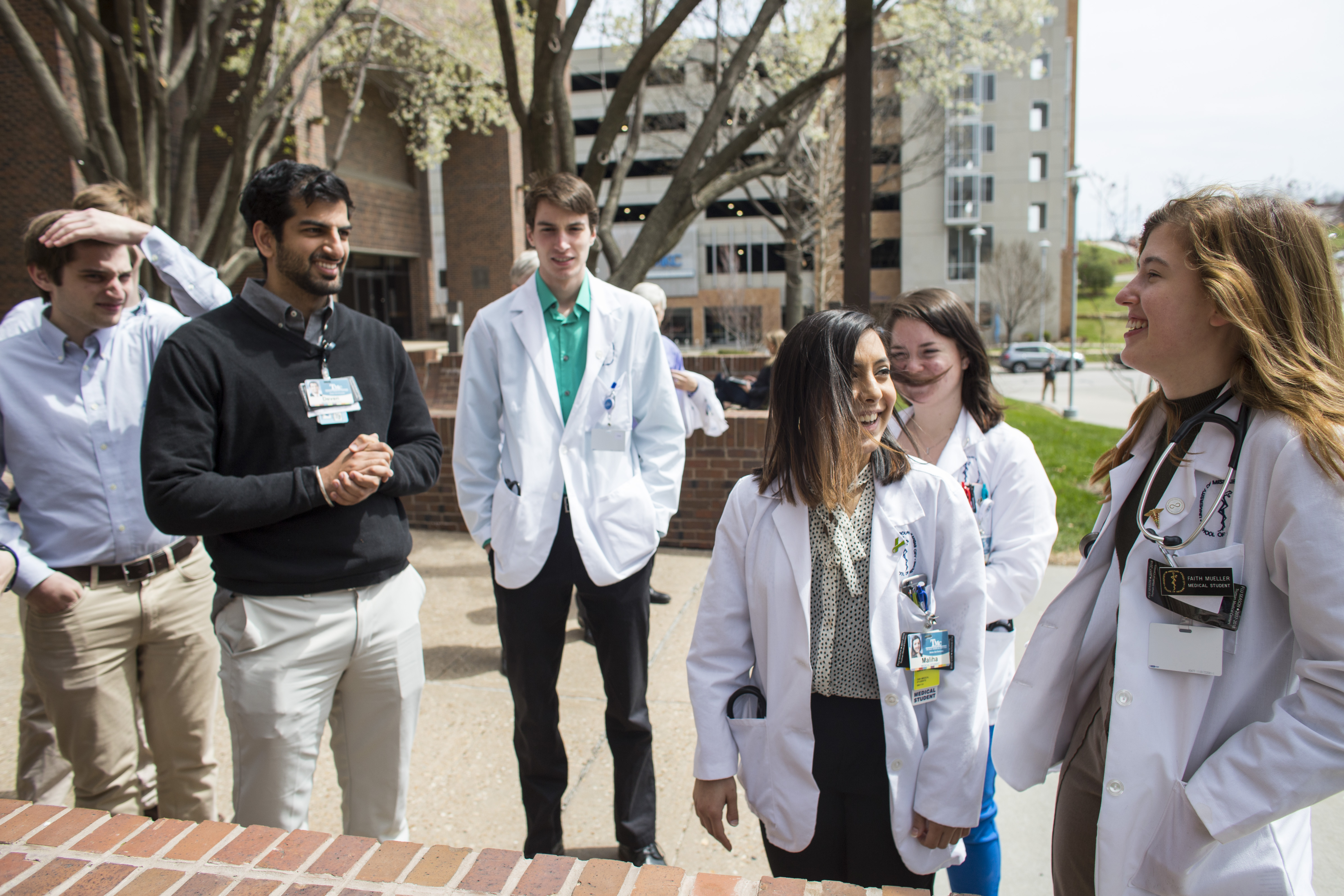
Leader will guide innovative six-year B.A./M.D. program, extensive research portfolio and further development of UMKC Health Sciences District
The University of Missouri-Kansas City has launched a national search for a new dean for the university’s acclaimed School of Medicine. The new dean will replace Mary Anne Jackson, M.D., who has announced her pending retirement from the deanship.
The new dean will lead one of the nation’s top urban-serving medical schools as it drives transformative change to improve and innovate medical education and health care in the region.
The UMKC School of Medicine has been an innovator in medical education since its opening in 1971, when it launched its unique and innovative six-year dual BA./M.D. degree program admitting students directly from high school. The school also offers a traditional four-year program for students who have completed an undergraduate degree.
The school has two campuses: one in Kansas City, Missouri, in the heart of the UMKC Health Sciences District; and one in St. Joseph, Missouri, where students receive a rich clinical education at a premier rural health system.
The next dean will be charged with shaping a broad strategy for the UMKC Health Sciences District. The district, formed in 2017, set its goal to become a premier academic health district, engaging in cutting-edge biomedical research and entrepreneurship, delivering state-of-the-science health care and educating the next generation of health-care professionals. Central to that strategy will be leveraging the potential of the forthcoming UMKC Healthcare Innovation and Delivery building, designed to serve as a catalyst for developing the Health Sciences District into a major regional academic medical center that can generate billions of dollars in jobs and economic impact for the Kansas City region.
Expanding the school’s research mission will be another important responsibility for the new dean. With more than 20 core faculty and 40 endowed professors and endowed chairs, the school’s research strengths include vision science, neuroscience, prenatal addiction, trauma/shock, maternal fetal medicine, cardiovascular and metabolic diseases, surgical safety and implementation science. The school has received more than $23 million in NIH-sponsored research in the most recent year.
Co-chairs of the search committee are Charlie Shields, President and CEO of University Health, one of the school’s clinical partners; and Kevin Truman, dean of the UMKC School of Science and Engineering. The full committee includes representatives from other clinical partners, faculty from the School of Medicine and other health professions schools in the UMKC Health Sciences District, School of Medicine alumni and UMKC medical students.
The national health-care leadership firm Isaacson, Miller is conducting the search. For more information, contact managing associate Nicholas Strand, 617-933-1913, nstrand@imsearch.com; or search coordinator Lileana “Lily” Sethares, 617-933-1889, lsethares@imsearch.com.
Mar 30, 2023
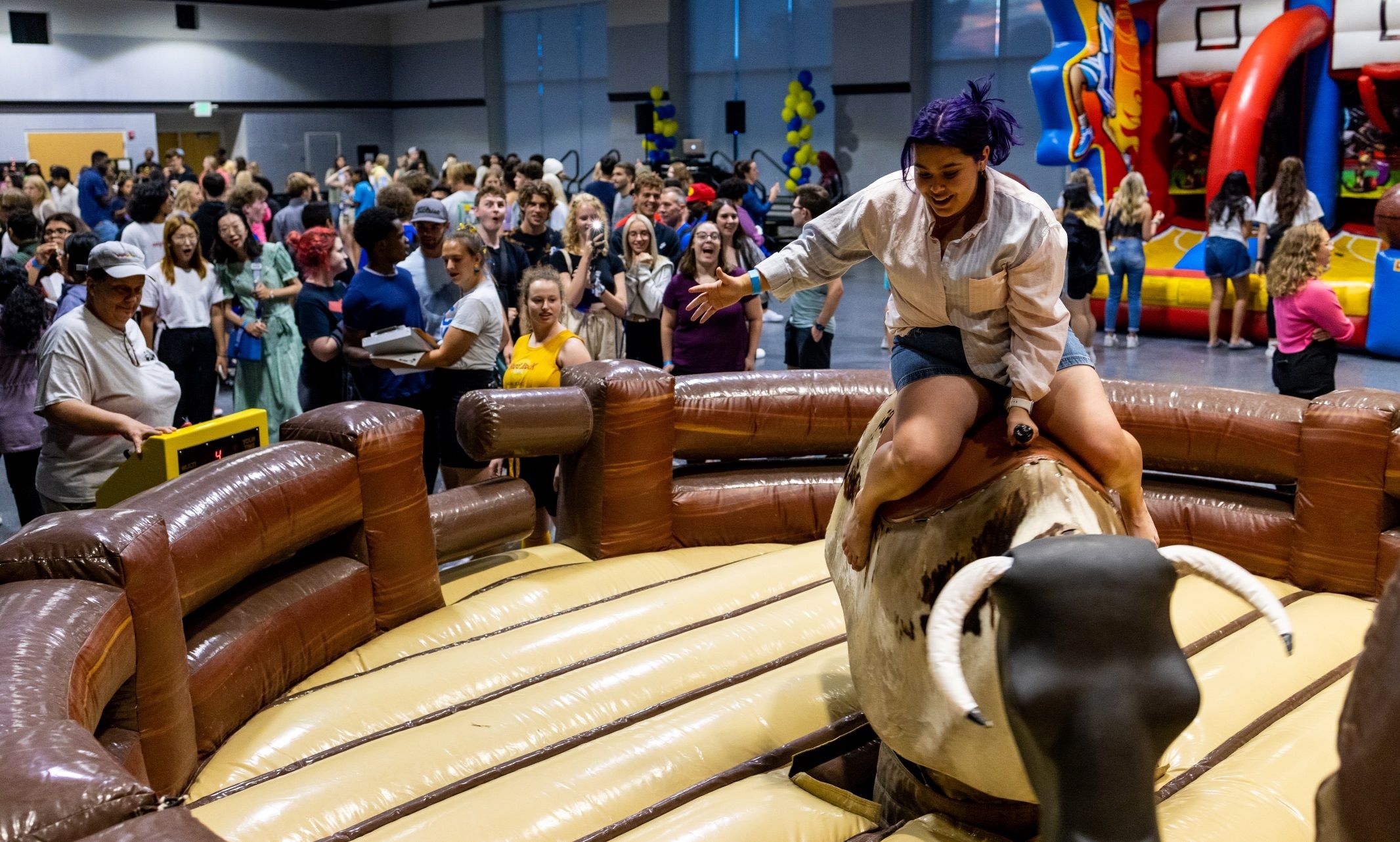
She’s part of UMKC Professional Career Escalators in the business track
Roos don't just dream, they do. Our students turn ideas into action every day. Get to know our people, and you'll know what UMKC is all about.
Ariela LaraAnticipated graduation year: 2026UMKC degree program: engineering and business track, Professional Career EscalatorsHometown: Ozark, Missouri
Ariela Lara, a first-generation college student emerging from the foster-care system, arrived on campus with no idea what to expect, or what was expected of her.
That changed quickly though, thanks to her participation in the Professional Career Escalators program at the University of Missouri-Kansas City. It’s a comprehensive career-development program designed to propel students from their academic studies to high-paying careers by providing a dedicated, GPS-guided path from enrollment to career success.
“Here at UMKC, they really care about you being able to succeed,” Lara said. “There are so many resources to help you. I really benefit from having a mentor to help me not only navigate college, but help me understand how I can be successful in my career. And the program really helps you make connections.”
The Professional Career Escalators program provides students with a unique, trademarked system of personalized support and services, preparing students for careers in four key areas of workforce demand: law and justice, engineering and business, education and health care.
Each semester, students participate in the five Professional Career Escalators core experiences: career guidance and development; experiential learning opportunities (such as job shadowing and internships); mentoring with faculty experts and community professionals; graduate and professional school preparation; and leadership development.
The program is helping Lara narrow her focus.
“Business is such a broad field, and it can be hard to narrow down to what you really want to do,” she said. “I wanted to go into a program that would let me be creative, but I didn’t want to go into the arts. In high school I took a business class, and I joined DECA (formerly Distributive Education Clubs of America). I realized that I was good at it, and I loved it. And as I started to learn more about business, I fell in love with marketing.”
How has your college program inspired you?
Seeing so many people working so hard to be successful really motivates and inspires me to want to be that way and do that.
Since entering college, what have you learned about yourself?
That I am more ambitious than I thought. All I can think about is how much I want to succeed, and that I will do anything I have to.
What are your feelings about being a first-generation college student?
It is something I am immensely proud of. I am the first in my family to explore this realm. They never had this opportunity.
Do you have any scholarships?
Coming from the foster-care system, I am paying for all my college costs. I have been fortunate to be able to receive many scholarships for this year and they mean a lot to me. I worked really hard in high school to be able to receive scholarships.
What other extracurricular activities are you involved in at UMKC?
I am in First Gen Roo, Bloch Ambassadors, Bloch Launchpad and Enactus.
Mar 28, 2023
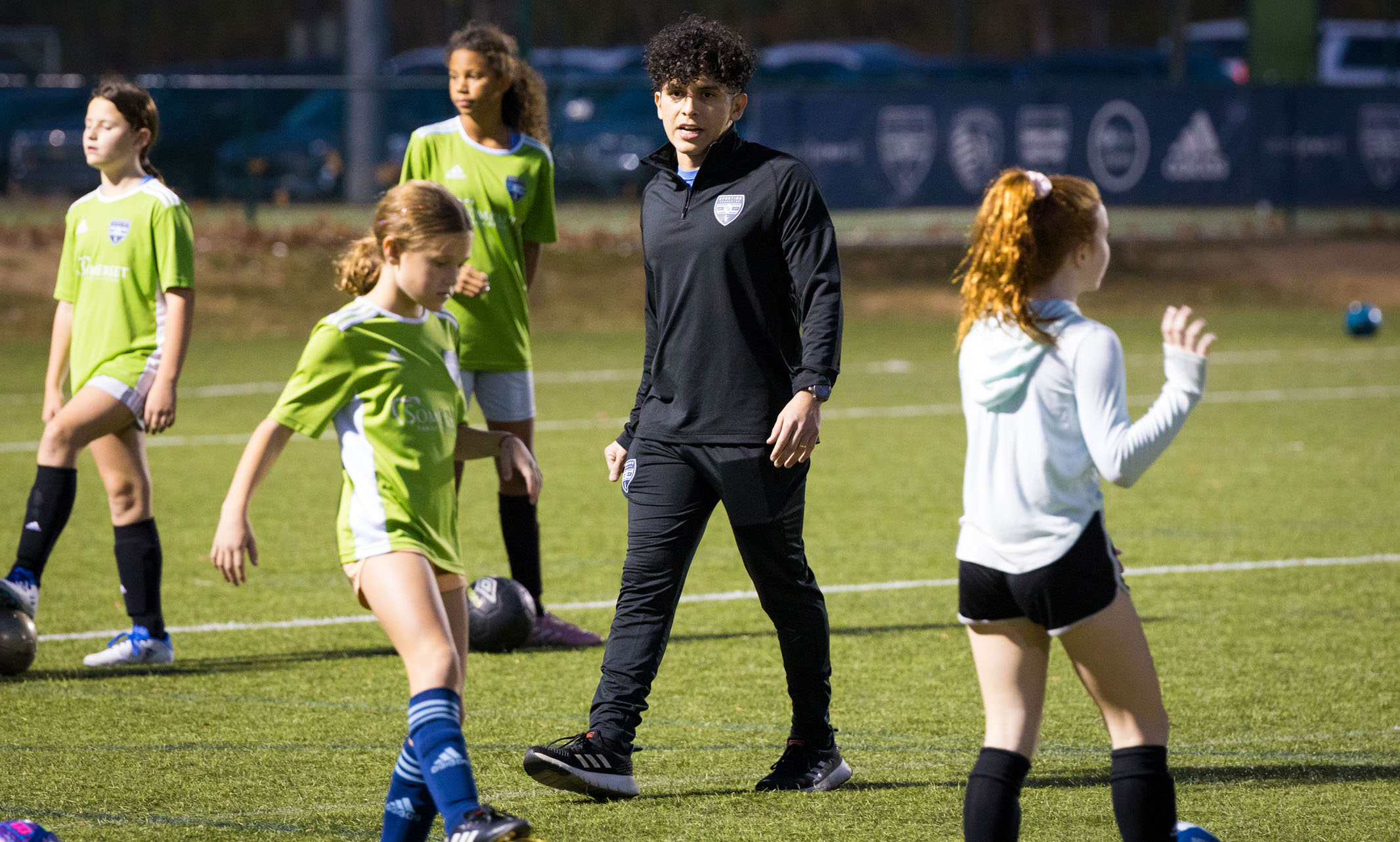
Dental student and soccer talent Edgardo Leiva needed coaches for his youth soccer business and his fellow students were the talent pool he needed.
Roos don't just dream, they do. Our students turn ideas into action every day. Get to know our people, and you'll know what UMKC is all about.
Edgardo LeivaAnticipated graduation: 2023Academic program: Doctor of Dental Surgery, UMKC School of DentistryHometown: San Pedro Sula, Honduras
Dental student Edgardo Leiva rose through the competitive ranks of soccer, from the Honduran National Team to college soccer in United States. His playing career came to an end as his career as a dental student ramped up. He soon transitioned to coaching in addition to his dentistry studies. His sought-after coaching skills were in such high demand that he formed his company, Soccer Roots, where he began hiring additional coaches, including many of his fellow dental students.
How did your soccer career begin?
I started playing competitively when I was 12 or 13, eventually participating in the developmental program for the Honduran national team. But the situation in Honduras became too difficult for my family, so my mom brought us to Miami, where my grandmother was living. When we first moved there, it was very difficult. My mom had to work multiple jobs.
What was your path to UMKC?
I played soccer at a couple of colleges in the Midwest, eventually landing at UMKC to play for the school’s soccer team. As my collegiate playing career was ending, I knew I needed to figure out something else to do. I always wanted to go into dentistry, but to do that I needed to put my focus on my academics.
What opportunities have come to you while at UMKC?
My academics really started taking off when I began working in the research lab of Ryan Mohan, a professor in the UMKC School of Science and Engineering. I met Ryan at a soccer camp where I was coaching his kids. Getting more involved in research really helped me focus on my academics but I always kept up coaching.
How did your coaching career develop?
I was coaching recreational teams for Sporting Brookside, a Kansas City soccer league. The league includes both recreational teams that are open to all and a competitive side where players try out to participate. The parents liked the structure of my recreational practices and were interested in me providing additional coaching to their kids who wanted to transition to the competitive side. That’s when I started my company, Soccer Roots, which now oversees the Elite Program within Sporting Brookside for players interested in additional training to help them continue to the higher levels of the sport.
How have your fellow dentistry students helped with that?
The workload grew to where I had seven teams. On the weekends I would coach 15 games, but it was getting out of hand. I started with hiring our class president and a close friend of mine, Morgan Engelbrecht, to help with the admin side of things. Also, I always need coaches, and I was meeting dentistry students who had soccer experience, even a few who played at the collegiate level. I thought, what better people to coach these kids than my friends in the dental school? I’ve had as many as 14 coaches on my payroll, with eight being dentistry classmates.
How has soccer shaped you as a person?
I’m so grateful to soccer because I would not be where I am now. It provided me a pathway to becoming a dentist by molding my character. It taught me discipline, responsibility and how to work hard. I owe soccer a lot, and I’ll always be involved in the sport.
How did the structure of coaching help you in your academic pursuits at UMKC?
When you’ve been in soccer for so long, teaching someone to kick a ball is not something that comes naturally. You have to think back on how to dissect the process to be able to teach it. It’s the same in academia, where you learn the process and are able to dissect everything you learn.
What can you take from soccer that will help you as a dentist?
Playing soccer -- and especially coaching -- has helped me in dealing with my patients. Dentistry is basically coaching. We coach our patients to keep good oral hygiene and teach them the skills to achieve that.
Do you have any plans to incorporate soccer into your dentistry career?
One of my goals before I graduate is to create a nonprofit soccer camp that incorporates oral health. I’m coordinating with the pediatrics department at the UMKC School of Dentistry, where we would offer free soccer camps. One of the rotations is going to be an oral health screening. Ultimately, I would like something that connects my two passions while making an impact on the next generation.
Why is it important for students to cultivate interests outside of the occupation they’re working towards?
It’s important to have balance. I learned from one of my mentors that you can’t just look at teeth all day. You’ll be so much more fulfilled when you’re engaged in things you’re passionate about.
Mar 28, 2023
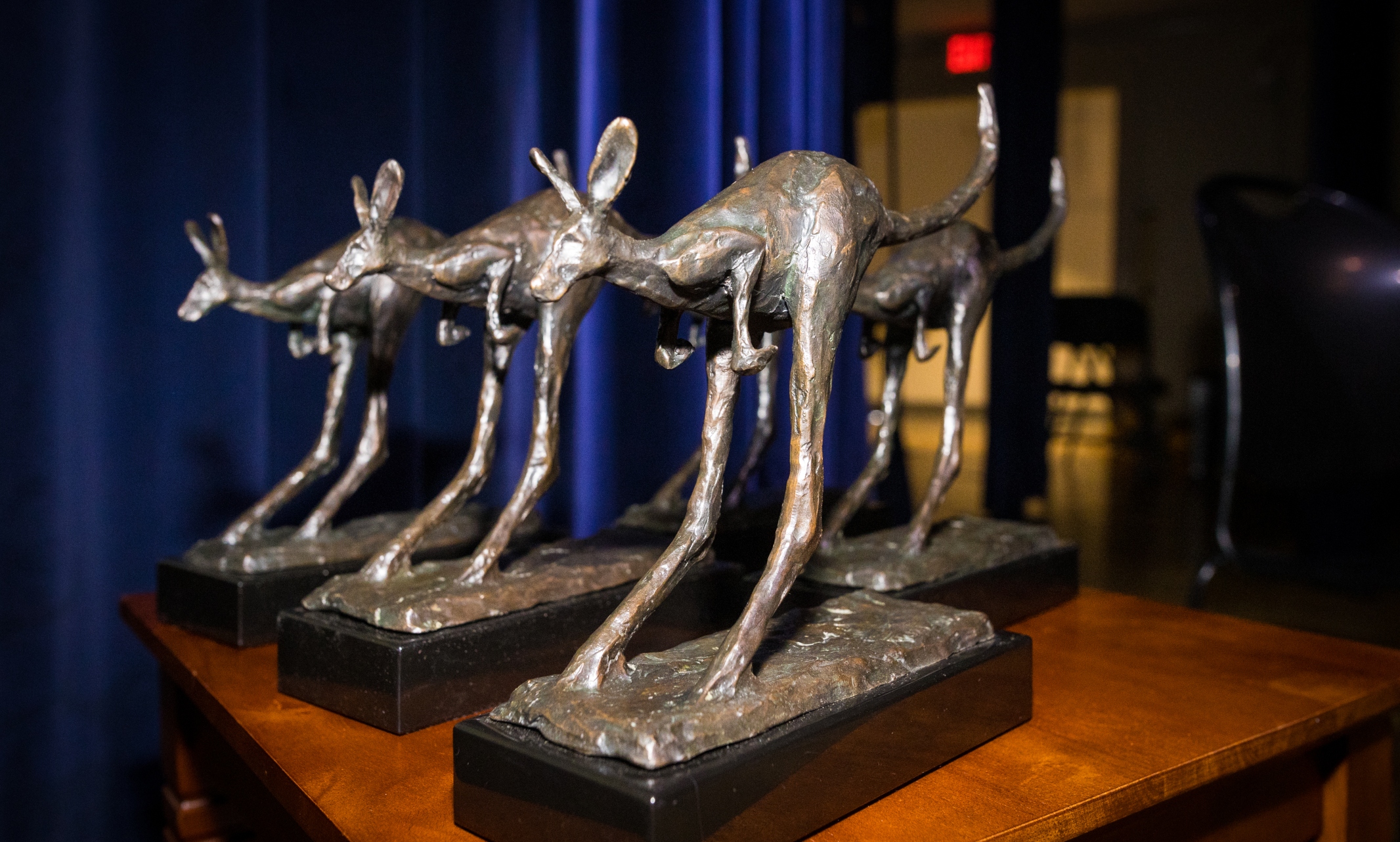
15 alumni and one family honored
The University of Missouri-Kansas City Class of 2023 Alumni Achievement Awards ceremony celebrated and recognized the accomplishments of UMKC alumni.
In addition, the ceremony generates funds to supports student scholarships. In the last decade, the Alumni Awards event has garnered more than $1 million in scholarships and immediate student aid for UMKC.
“I am always excited for the Alumni Awards because they recognize hard work, dedication and resilience,” Chancellor Mauli Agrawal said. “No one achieves this level of success without tenacity – and excellent preparation. It’s an honor to recognize our alumni’s achievements, and it’s always a joy to be with you for this event.”
Alumnus Sean O’Brien, (J.D. ’80) was recognized as the Alumnus of the Year. He received the highest honor bestowed by the UMKC Alumni Association for his career of freeing the wrongly convicted. After directing the Missouri Capital Punishment Resource Center for 15 years, he returned to UMKC as a visiting professor and later became a full professor. He credits his education at the UMKC School of Law for providing the foundation for his success.
“UMKC School of Law prides itself on producing practice-ready lawyers, and that was true in my case.”
Complete list of awardees:
Alumnus of the year: Sean O’Brien (J.D. ‘ 80)
Bill French Alumni Service: Patricia Macdonald (B.L.A.)
Defying the Odds: Rev. Carl Moore (B.M.E. ’68)
Spotlight Award: Bruce Bubacz
Legacy Family: The Accurso Family
School of Biological and Chemical Sciences*: Beth Harvill (Ph.D. ’95)
Henry W. Bloch School of Management: Ramin Cherafat (MBA ’02)
School of Computing and Engineering*: Ken Gerling (B.S.C.E. ’91)
Conservatory: Charlie Corcoran (M.F.A. ’01)
School of Dentistry: Cesar Sabates (D.D.S.’87, A.E.G.D. ’88)
School of Dentistry-Dental Hygiene: Heather Samuel (B.S.D.H. '90, M.S.D.H. '91)
School of Education*: Chris Brown (Ph.D. '93)
School of Law: Scott Bethune (J.D. '88)
School of Medicine: Arif Kamal (B.L.A., '04, M.D. '05)
School of Nursing and Health Studies: Shweta Palakkode (B.H.S. '15)
School of Pharmacy: Craig Norman (B.S. '83)
If you were unable to attend the event, but would like to donate to student scholarships, contributions can be made online.
*Nominations were collected before UMKC Forward realigned academic units. Next year, awardees will be named in their new academic units: School of Science and Engineering, School of Humanities and Social Sciences and School of Education, Social Work and Psychological Sciences.
Mar 23, 2023
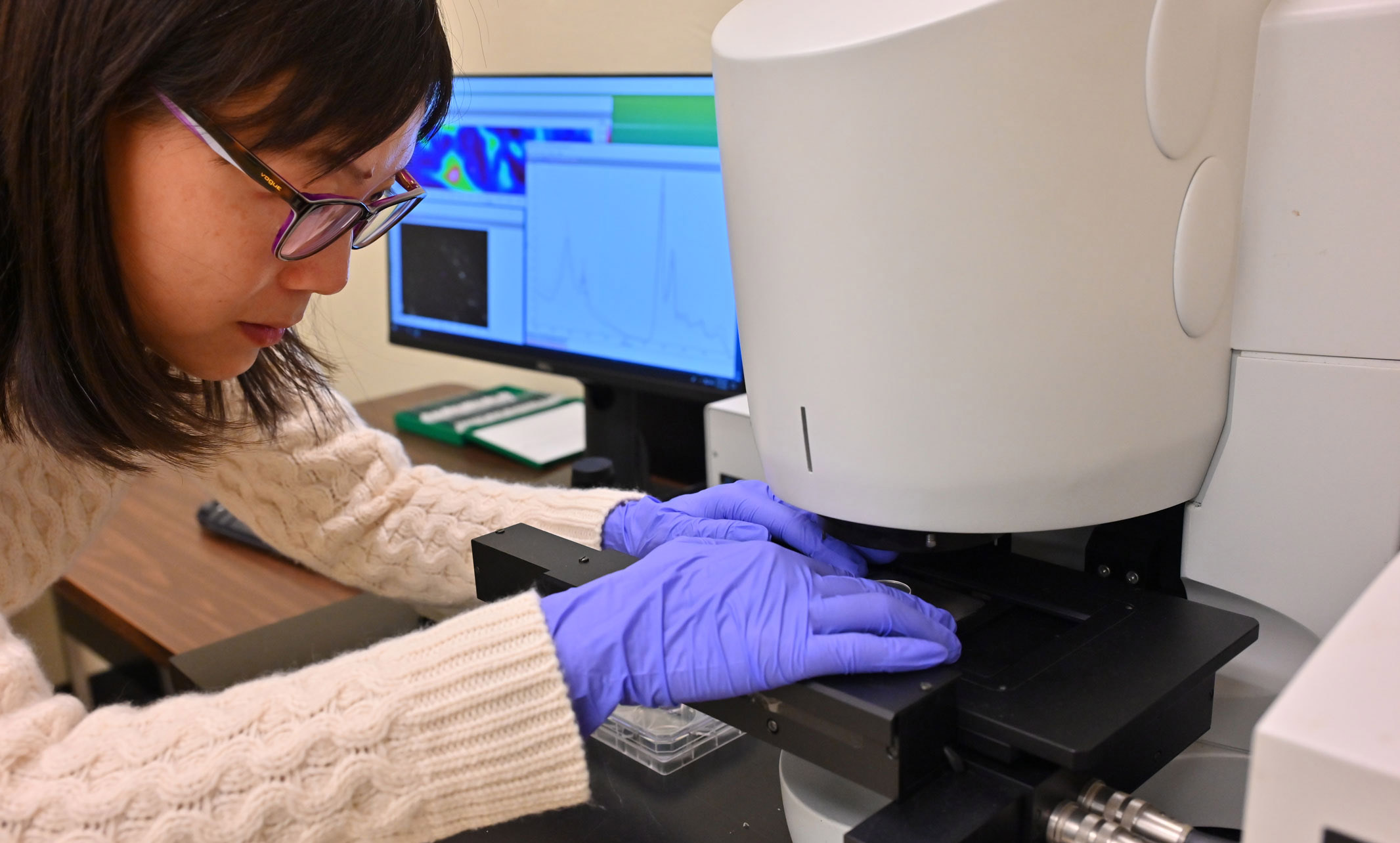
Rose Wang’s research received grant funding from the National Institutes of Health
The traditional tissue biopsy method of cancer diagnosis has been around for more than 50 years. The method finds the presence of cancer, but frequently too late to treat it successfully.
As a researcher at the University of Missouri-Kansas City School of Dentistry, Rose Wang, Ph.D., focuses on establishing a system to identify the risk of cancer through artificial intelligence and infrared technology. She is confident that this method, designed to intercept precancerous lesions before they become a deadly form the disease, can be applicable to other forms of cancer as well.
The scientific community has taken note of the promise behind Wang’s research. She received a $430,000 developmental research grant in January for her innovative research from the National Institutes of Health (NIH).
“We’re not trying to diagnose cancer itself,” Wang said “We are creating a system to detect high-risk precancers and to prevent them from becoming cancer. If we’re able to detect it early on, there’s more we can do about it, and the treatment is more effective. I’m very excited about that.”
Wang is studying the application of artificial intelligence, such as machine learning, to analyze the biochemical data from tissue samples using infrared spectroscopic imaging, a device that provides higher dimensional data than traditional imaging methods, such as a microscope. She uses both specialized software and open-source computer programs to train machine learning models to extract the most important information from what the spectroscopy shows. The level of detail is immense, with each pixel providing thousands of variables across different wavelengths.
“Manually reviewing the data is almost impossible,” Wang said. “that’s why we need to use machine learning to extract the important information and to train models for automatic risk stratification.”
Wang has pulled together an impressive research team from not only the UMKC School of Dentistry, but also the UMKC School of Science and Engineering as well as the University of Kansas Medical Center. Her multidisciplinary team covers a wide range of expertise: infrared spectroscopy and imaging, clinical pathology, artificial intelligence, oral biology and cancer biophysics.
The current gold standard for cancer detection is the histopathological diagnostic approach, cutting tissue sample for a biopsy. The sample is then sent to a pathologist to be visually evaluated for the presence of cancer. "Pathologists spend years to train their eyes to see those morphological anomalies and say cancer or no cancer,” Wang said.
The pathologist looks for what is called morphological changes of cells and tissues. Unfortunately, these changes don’t show up until the cancer is already progressing. According to Wang, the problem is that 70% of all oral cancers are diagnosed at late stages, leading to a low 50% survival rate at the five-year mark.
Precancerous lesions are not cancer but have increased risk of becoming cancer. According to Wang, pathologists don't yet know how to differentiate which precancerous lesions, known as dysplasia, will transform into cancer. Sometimes the cells just stay in the precancerous state without becoming cancer. If the pathologist finds mild or moderate abnormalities, frequently clinicians will opt to observe the problem area over time.
"But what if the patient did come back in a year and suddenly they have cancer from even mild dysplasia?" Wang said. "Right now, there is no reliable way to determine which precancerous lesions will become cancerous."
The other issue is the subjectivity of the traditional process. Wang said two well-trained pathologists can provide different diagnoses for the same tissue biopsy.
“The system we are developing will provide objective and quantitative diagnostic information and facilitate clinicians to make better management plans for their patients,” Wang said. “Oral cancer survival is highly stage-dependent, and early detection can significantly improve patient survival rate. If we can catch them early, we can save lives.”
Mar 23, 2023
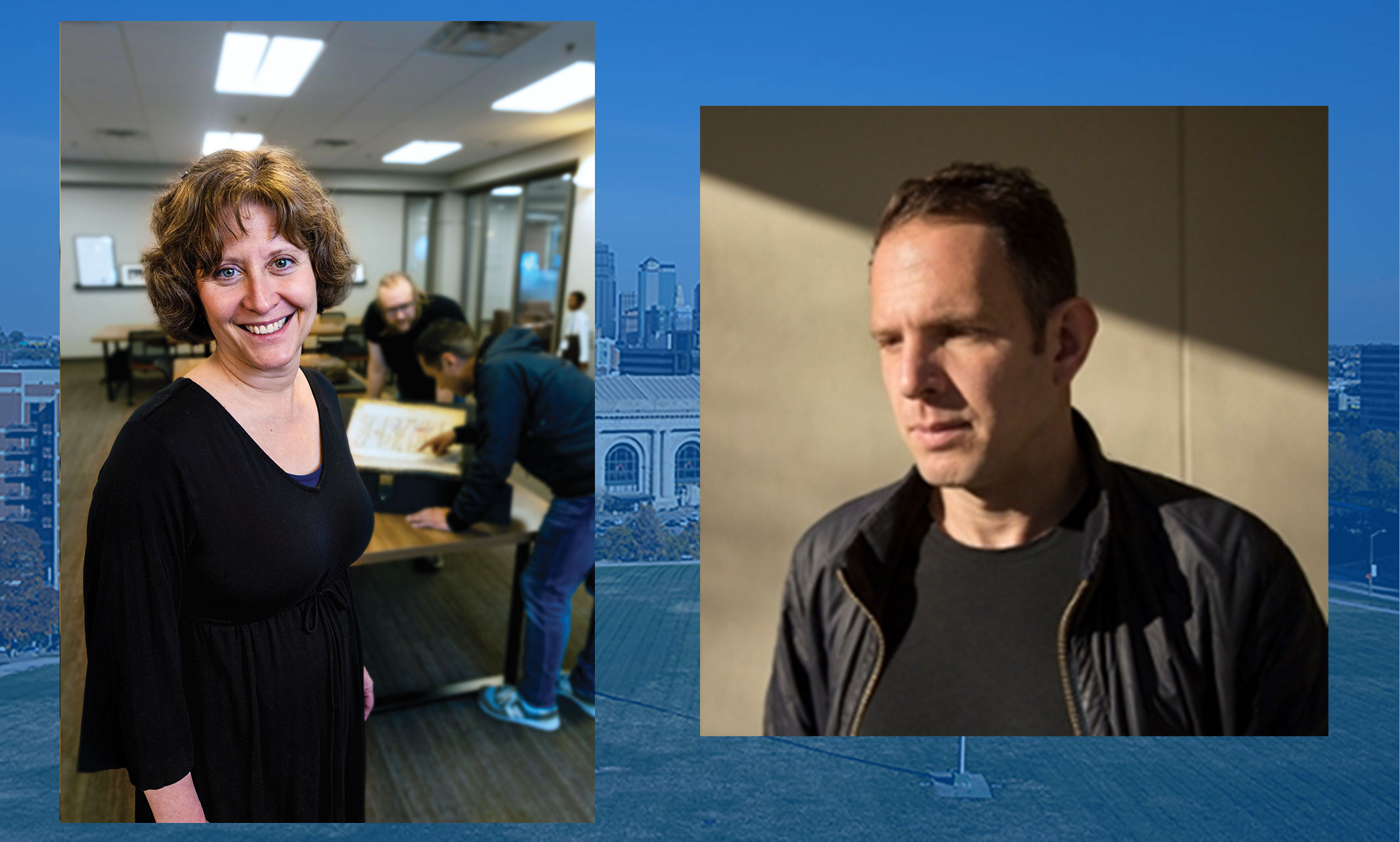
Blanton and Haber to spend research year abroad
Two UMKC faculty members have been selected to work abroad as Fulbright Scholars for the 2023-24 academic year.
Virginia Blanton, Ph.D., Curators' Distinguished Professor, will go to the Ruusbroec Institute in Antwerp, Belgium, to research English nuns who sought refuge in Catholic Flanders during the Reformation.
Yotam Haber, D.M.A., associate professor of music composition in the UMKC Conservatory, will go to the Jerusalem Academy of Music and Dance in Israel to further develop the cross-fertilization of his creative work with traditional Jewish liturgical cantillation practices.
The Fulbright Program, the flagship international academic exchange program sponsored by the U.S. government, has fostered mutual understanding between the United States and other countries since 1946. The Fulbright U.S. Scholar Program sends American scholars, artists, faculty and professionals abroad to lecture and/or conduct research for up to a year.
Blanton has had a long-term research focus on medieval women and their relationship with books. In Antwerp, she will focus on the Birgittines of Syon, a wealthy and influential community near London, who refused Henry VIII’s directive to close their community and went to Flanders.
“They cultivated and circulated devotional reading material, and yet no one has investigated Belgian repositories for their lost books or for evidence of their time in Antwerp and the surrounding region,” Blanton said. “I will be working in various archives and libraries across Flanders to identify books and other materials, as well as organizing a series of workshops that will bring together researchers who focus on Birgittines in Sweden, England, Belgium, Italy, Spain and beyond.”
“One of my career goals was to secure a Fulbright to a multilingual country, and Belgium – where there are speakers of Dutch, French, German as well as multiple other immigrant languages – is ideal,” she said. “I was a French major in college and my daughter attends a French-immersion school, so it was important that I seek out an opportunity where we could be immersed in a culture that is not primarily Anglophone.
“I am incredibly grateful for this opportunity, and I look forward to representing UMKC in my time abroad.”
Haber was born in the Netherlands but grew up in Israel until the age of 5, when his family relocated to Africa.
“Most of my family is in Israel, and I have visited many times for short periods since my childhood, but have never stayed for an extended period,” Haber said. “For the last decade or so, I have been focused on writing music that intermingles Italian Jewish liturgical practices with my own contemporary musical voice. This fascination with Italian Jewish traditions, rather than ‘straight from the source,’ is born from my own nomadic existence. The Fulbright allows me to finally spend time in Israel, learning about how those liturgical cantillation practices originated. In addition, I am excited to immerse myself in the new music community of Israel.”
“I am honored to receive this award,” he said. “I’m very curious to engage with composition students in Israel and learn about the cultural, political, religious and other factors that drive and inspire them.”
Mar 23, 2023
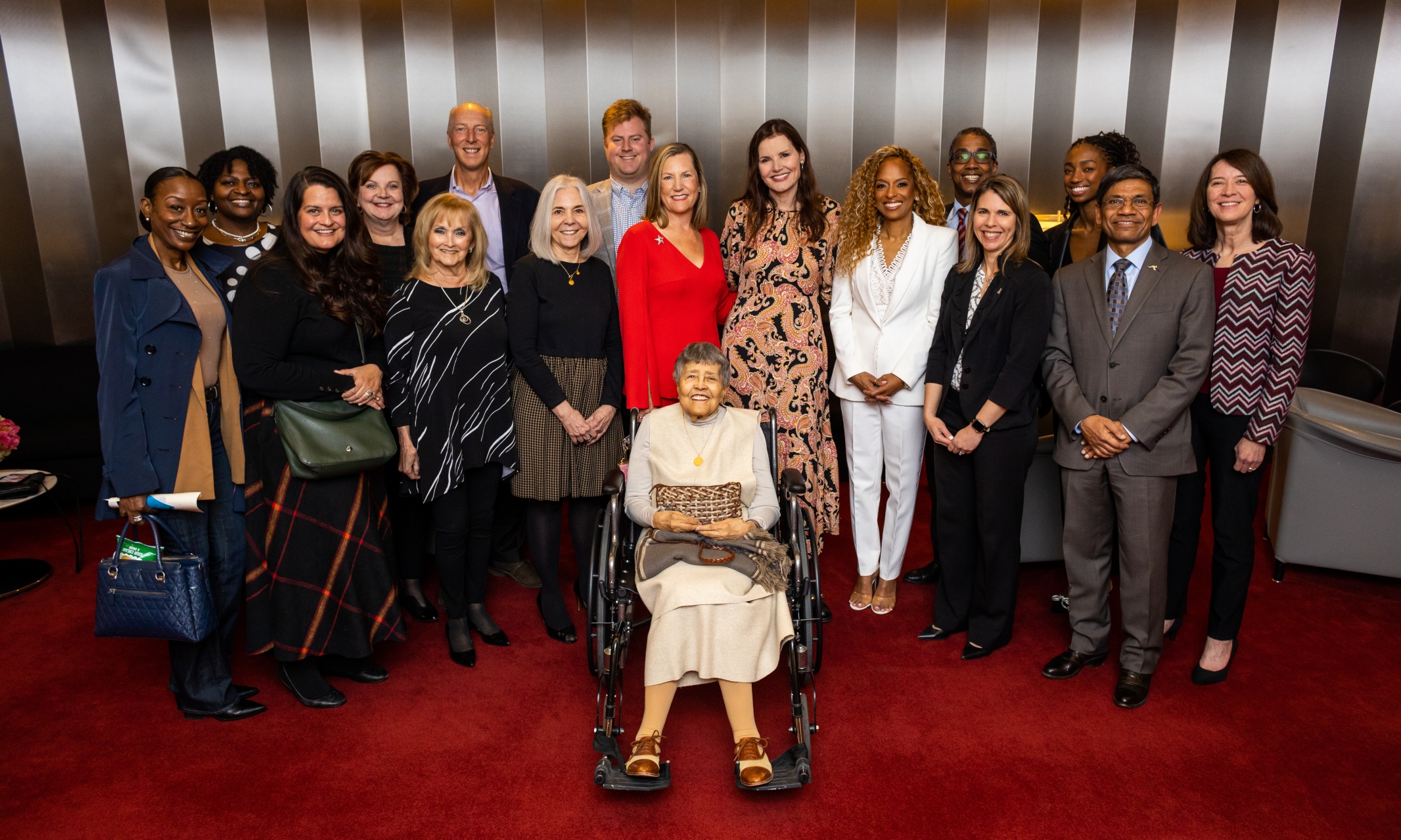
Speaker celebrates the work of women at induction ceremony
The University of Missouri-Kansas City welcomed Geena Davis, actor and founder of the Geena Davis Institute on Gender in Media at this year’s Starr Women’s Hall of Fame event at the Kauffman Center for the Performing Arts. She highlighted the institute’s influence on raising awareness of gender parity in conversation with Madeleine McDonough, moderator and chair of Shook, Hardy and Bacon.
The Starr Women’s Hall of Fame inducted eight women who have been catalysts for positive change in Kansas City and beyond at the event.
Alicia Starr, event co-chair, opened the celebration with Curt Crespino, UMKC vice chancellor of External Relations and Constituent Engagement, and highlighted the significance of the Starr Women’s Hall of Fame archives in honoring outstanding women who have had an influence on Kansas City, and preserving their stories and accomplishments to inspire future generations of women.
Special guest and Kansas City Mayor Quinton Lucas recognized the significance of the inductees’ achievements and the importance of mentorship and recognizing the accomplishments of strong role models, noting that representation matters, and community-based recognition creates opportunities for women of all ages.
Toccara Cash (M.F.A. ’08), award winning actor, voiceover artist and public speaker, noted the importance of highlighting women’s achievements in her introduction of Davis.
“It’s important to tell women’s stories. Women don’t get enough attention for their accomplishments.”
Davis became more aware of gender parity in media when her daughter was 2. Noting the lack of women characters in movies and television, she decided to act. Through research, she realized awareness was the key to change as much gender bias was unconscious.
“We need to take charge of the message,” she said.
Davis noted first steps included making information available. The Geena Davis Institute on Gender in the Media researches and shares data on unconscious gender bias to raise awareness and measure change, noting that media depiction of parity is often worse than reality. She cited statistics that media depicts of men in STEM roles in a 15-1 ratio to women; law is 13-1. She noted that the ratios are better in reality, and that the media is creating a reflection that is worse.
“The United States makes 80% of media worldwide,” she said. “We can influence parity. If it happens on screen, it will happen in real life,” Davis said.
In addition to Davis, previous speakers at the Starr Women’s Hall of Fame events have included First Lady Laura Bush and daughter Barbara Bush, Ashley Judd, “Good Morning America” host Robin Roberts and Chelsea Clinton, daughter of President Bill Clinton and former Secretary of State Hillary Clinton.
2023 Starr Women's Hall of Fame Inductees
The Starr Women's Hall of Fame is held biannually at UMKC, and is dedicated to recognizing extraordinary Kansas City women and preserving the history of their accomplishments. These women are social reformers, volunteers, philanthropists, civic leaders, activists and educators. They are movers and shakers whose tireless commitment to community has made Kansas City a better place to live. This year’s inductees are:
Karen L. Daniel (MS ’81, accounting) is a recognized leader in Kansas City. The first African American woman to be a Major League Baseball owner since her addition to the Kansas City Royals ownership group in 2020, Daniel is retired executive director, CFO and president of Global Finance and Technology Solutions at Black and Veatch. She was the first African American female to chair the Kansas City Chamber of Commerce and has been a leader and advocate for restoration of the Liberty Memorial Tower at the National World War I Museum and Memorial. She has created a legacy fund for scholarships to support Black college students. President Barack Obama named Daniel vice chair of the Advisory Council on Doing Business in Africa in 2015.
Anita B. Gorman has been an advocate for area parks, recreation and conservation for six decades. She fought to save the Native American Hopewell archaeological site, which became a part of the Kansas City Parks system. In 1979, she was the first woman appointed to the Kansas City Parks and Recreation board. In this role she raised funds to establish a conservation center in the urban core of Kansas City. Gorman was the first woman to chair the Missouri Conservation Commission and helped establish the Missouri Conservation Heritage Foundation. She received the Pugsley Medal from the American Academy for Park and Recreation Administration in 2017 for her contribution to the promotion, development and conservation of public parks in the United States.
Lea Hopkins has been an advocate and activist for LGBTQIA communities for more than four decades. She co-founded the Christopher Street Association, a gay and lesbian advocacy organization, in 1977 and organized the first Pride parade in Kansas City in 1979. She founded the Kansas City Gay Injustices Fund, which provided legal support for LGBTQIA people who were arrested based on their orientation. She was a member of the inaugural leadership team of the UMKC Gay Students’ Union. Hopkins is an accomplished poet, watercolor artist and collagist.
Alice Kitchen (MPA ’89) has been a longtime advocate for human rights, healthcare and children and women’s issues. She is co-founder of the Women Quality Coalition and the Child Protection Center. A longtime director of social services at Children’s Mercy Hospital, she was a board member of the Kansas City Housing Authority who helped with neighborhood cleanups and worked to help young mothers obtain health insurance. She was honored by the White House as a Champion of Change for her work on education for the Affordable Care Act in 2015.
Margaret J. May, community activist and a leader for the Ivanhoe Neighborhood Council in Kansas City, Mo., served as the executive director of the Ivanhoe Neighborhood Council from October 2001 to December 2017. During her tenure, the council became a community development corporation that develops new housing and rehabilitates existing homes. The Downtown Council of Kansas City recognized May in their first class of Urban Hero Awards in 2005. She has served on the City of Kansas City Plan Commission and the Kansas City, Missouri Community Development Entity, which is now known as Alt Cap.
U.S Senator Claire McCaskill has dedicated her life to serving women, families and her community. An accomplished attorney, she was the first woman elected as Jackson County, Missouri prosecutor, and the first woman to be elected U.S. Senator from Missouri. In 2004, she defeated incumbent Governor Bob Holden in the Democratic primary, becoming the first candidate to defeat an incumbent Governor in a primary election in state history, although she lost in the general election. She served as a U.S. senator from Missouri from 2007 to 2019. During her term in the Missouri House of Representatives, she chaired the civil and criminal justice committees. She is currently a political analyst for NBC News and MSNBC.
Barbara Pendleton paved the way for Kansas City women interested in careers in finance. She started her career in banking as a messenger with City National Bank. She became chairperson of City Bank at Crown Center and retired as an executive vice president of United Missouri Bancshares, Inc. An active volunteer in community organizations, she was often the first woman member, officer or president. A founding board member of the Central Exchange, she also chaired the UMKC Women’s Center Advisory Committee. She worked for several mayors, including Mayor Kay Barnes, who appointed her to work on downtown Kansas City revitalization.
Freda Mendez Smith (BA ’80) is a champion and advocate for the Latino community in Kansas City. A current advisory board member for the Women’s Foundation of Kansas City, she has worked with MANA de Kansas City for four decades, serving as a board member of the national organization twice. Smith is an advocate and mentor to members of the Latino population who encourages people to become engaged in community service, including serving on local boards of directors. She has been a volunteer board member at many community organizations including the UMKC Hispanic Advisory Board, the UMKC Women’s Council, Greater KC Hispanic Heritage and Mattie Rhodes Center.
How the Starr Women's Hall of Fame archives work at UMKC
Mar 22, 2023
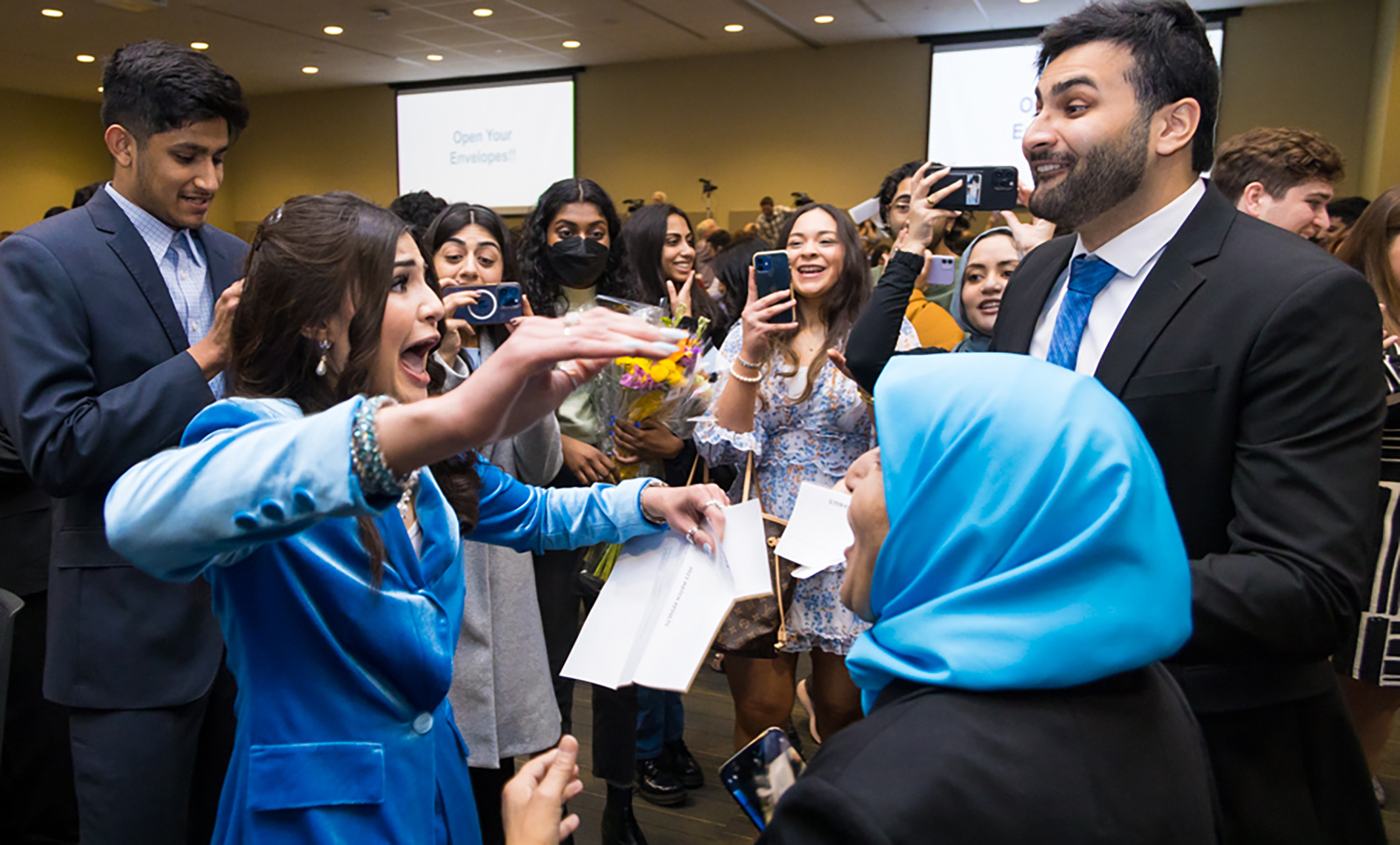
Stories of an untraditional medical student and two siblings who fulfilled their dreams
Tears flowed down his cheeks as UMKC medical student Keith Loftin embraced his wife on Match Day inside the UMKC Student Union, holding a letter in his hands that spelled out the next four years of their lives. His misty-eyed parents looked on as well as he read the news.
Loftin had matched in a residency position at Samaritan Health Services in Corvallis, Oregon, where he will enter his preferred specialty of psychiatry.
“It’s amazing to be here with all these people who have supported me, all the people who care about me,” Loftin said. “It’s all kind of surreal right now.”
Loftin was one of the 112 members of the UMKC School of Medicine class of 2023 that participated this year’s National Resident Matching Program. Like many in the class, he was elated at receiving his first choice of residency positions.
“I found psychiatry and realized how much I connected with it and how much I loved working with my patients and decided this is where I need to be,” Loftin said. “It felt like this is where I belonged.”
His journey to becoming a physician, however, took a different path than the rest of his classmates, most of whom are half his age.
UMKC medical student Keith Loftin celebrated his match in psychiatry with his wife and children.
Prior to moving with his wife and two children to Kansas City and entering medical school, Loftin was a high school science teacher in Jefferson City, Missouri. Before that, he spent nearly seven years in the Army working on Chinook helicopters, then returned to school to earn a master’s degree in education. All the while, Loftin, who earned a bachelor’s degree in nutrition and science at the University of Missouri before joining the Army, said he harbored a hidden desire to become a doctor.
“I was teaching a class for high school students who wanted to enter health care and they kept asking me why I hadn’t gone to medical school,” he said. “After about the 100th conversation my wife and I had about it, she finally said you know what you need to do and that started the ball rolling.”
With the backing of his wife, and while still teaching his high school classes, Loftin began the tedious process of studying for the MCAT exam and preparing to become a full-time student again for the first time in nearly 17 years.
“Medical school was a challenge, but doable,” he said. “I faced a lot of personal challenges.”
During his time as a medical student, Loftin underwent multiple surgeries for back injuries from his time in the Army and helped his wife through the loss of her mother. His efforts paid off on Friday. Loftin applied for residency positions in psychiatry at hospitals across the country from Oregon to Florida, knowing the day would come when he would have to move his wife, a 17-year-old daughter and a 7-year-old son again.
“It’s a little tough,” he said. “It’s not so bad for me. I moved six times to different duty stations when I was in the Army. It’s going to have its challenges, moving my family, but I know my son is excited about it.”
Brother and sister
While Loftin celebrated with his family, Mozammil and Sumaiya Alam were enjoying the day with family and friends as well. The brother and sister from Kansas City, Missouri, had the unique experience of going through Match together.
Mozammil received his desired match in neurology and will be headed to the University of Arizona College of Medicine in Phoenix. Sumaiya matched in internal medicine at Emory University School of Medicine.
“I’m going to Atlanta,” Sumaiya screamed. “ I started crying before I even opened my envelope. This is what I was dreaming.”
Mozammil was sharing a similar excitement.
“There is so much joy right now,” he said. “We both got the matches we wanted.”
While the two were able to lean on each other for support throughout medical school, they were also able to turn for advice about the residency process to their brother, Mobashshir Alam, a 2018 graduate of the UMKC School of Medicine and now a gastroenterology fellow at the University of New Mexico School of Medicine.
“He was really helpful in guiding us through the match process,” Sumaiya said.
Mozammil said having his sister by his side helped as they have gone through the same highs and lows of medical school together.
“We definitely have relied on each other for multiple things,” he said. “During the interview season we were always there to support each other.”
Nearly half of the UMKC students who matched will be entering residency programs in one of the primary care specialties. Internal medicine drew the largest number of students with 19, followed by family medicine with 11 and pediatrics with nine. A growing number of graduates will also be going into psychiatry, which had 11 matches.
Twenty students will remain in Kansas City to do their residencies at UMKC School of Medicine-sponsored programs. Overall, 33 UMKC grads – about a third – will stay in Missouri for their residency programs.
See the full list of UMKC School of Medicine students who matched in programs across the United States from Honolulu, Hawaii, to New York.
School of Medicine Dean Mary Ann Jackson, M.D., congratulated the class, calling Match Day a defining moment in their journeys.
“The lessons you learned here will carry you through your career,” Jackson said.
Mar 17, 2023
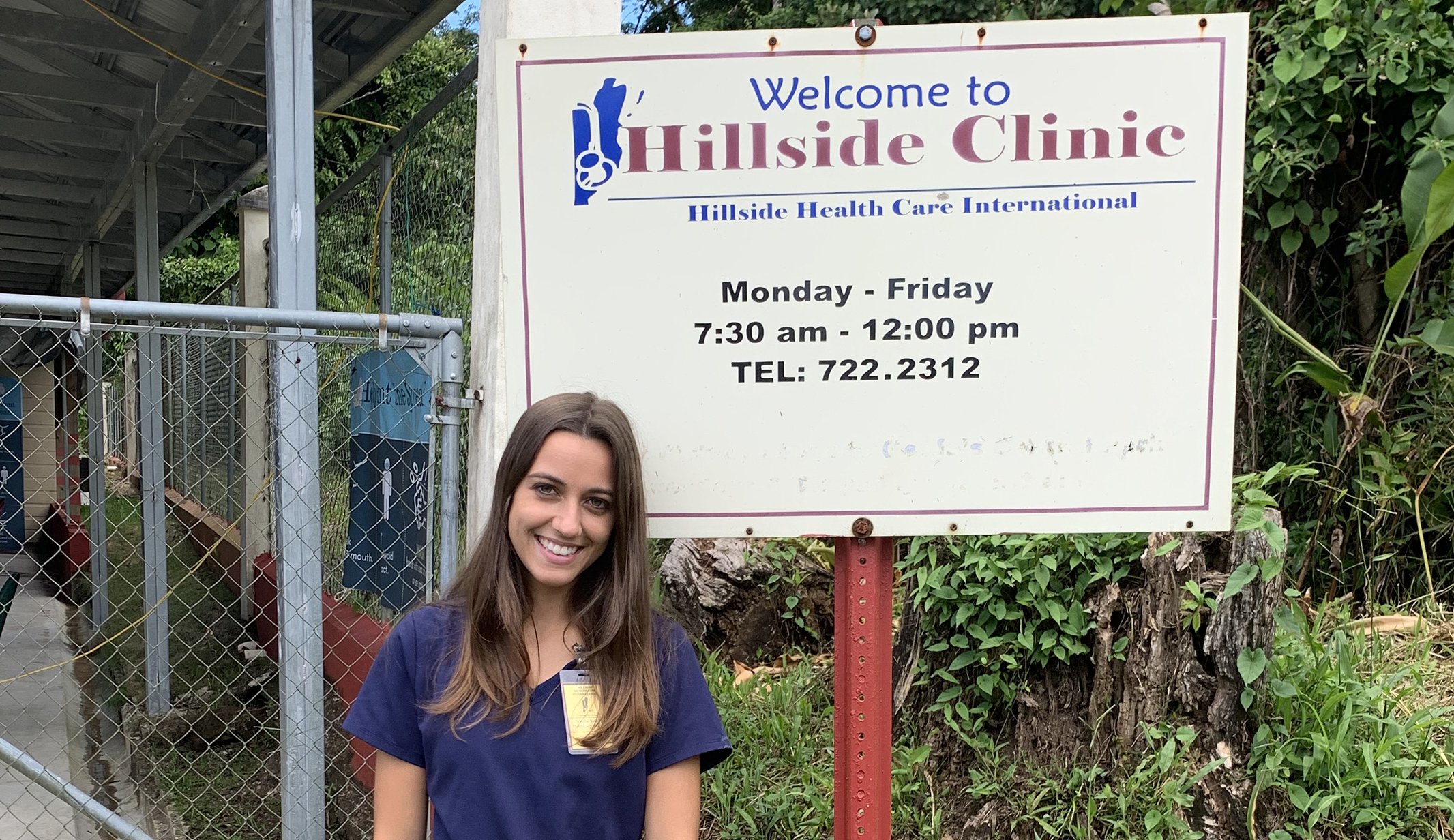
Students from all three of UMKC School of Pharmacy campuses participated in clinical rotations with nonprofit organization
Today’s pharmacists fill a multitude of roles as health care providers, but even this was a new one for UMKC pharmacy student Natalie Bishop.
Bishop is one of three UMKC pharmacy students who spent a month doing a clinical rotation at Hillside Health Care International, a small nonprofit clinic in Eldridgeville, Belize, a tiny community just miles from the port city of Punta Gorda.
During her stint at Hillside, a young boy suffering from acute asthma came to the clinic for a refill on his inhaler. Bishop and the clinic pharmacist explained to the patient how using a spacer, a short plastic tube attached the inhaler, would help deliver the medication to his lungs more effectively and help him better manage his asthma.
Seemingly simple resources, such as a spacer for an inhaler, can be a luxury in this part of the world. The clinic pharmacist and Bishop did the next best thing, cutting up a plastic bottle and strategically applying some duct tape to craft a needed spacer for their patient to use with his inhaler.
Lily Edwards in the pharmacy at Hillside Health Care International.
“They don’t have all the resources down there like we do here, so to be able to think on your feet and use what you do have is important,” Bishop said. “It was so cool seeing the pharmacist make one right there and help the patient moving forward.”
After Bishop, a pharmacy student on the Columbia, Missouri campus, returned home after completing her rotation, Lily Edwards, a student at UMKC’s campus in Springfield, Missouri, took her place in Belize. The two shared similar experiences. The clinic in Eldridgeville is largely made up of volunteers who support a small handful of physicians and one full-time pharmacist. That meant when Bishop and Edwards weren’t working side by side with the staff pharmacist, they found themselves working on their own.
“It really pushed me a lot to know things because resources are limited there,” Edwards said. “I didn’t get to look everything up before I had to answer a question. I really had to know my stuff and be ready to recall it.”
“It really pushed me a lot to know things because resources are limited there.” - Lily Edwards said.
Carlos Olivas, a student on the Kansas City campus, completed the same rotation in January. While Bishop, Edwards and Olivas served the same role at the clinic, collaborating with doctors, medical students and physician assistant students while dispensing medications and counseling patients, Olivas said their situations were different.
“I was actually fortunate enough to have two other pharmacy students there with me,” Olivas said. “We were able to kind of team up together where Natalie and Lily didn’t have other pharmacy students with them to help.”
That came into play on mobile clinic days.
Each week, doctors and students would load a van with essential medications and travel from 45 minutes to three-hours from their home clinic to remote regions and villages where they would see as many as 40 to 50 patients in a day. One long trip took Edwards and her team to a village that had not received medical care for three years.
Operating out of a building with no electricity or running water, Edwards was the lone pharmacist on the team, dispensing medications and counseling patients. Before the day was over, the team had run out of antibiotics before running out of patients. Edwards was forced into problem solving mode.
“Doctors are coming to me saying, ‘I want this antibiotic for an ear infection,’ and I’m telling them, ‘I’m sorry, what’s your next choice? I have this,’” said Edwards, who looked back on the experience as both stressful and extremely rewarding. “It was incredibly eye opening. It definitely pushed me further than I thought was possible.”
Problem solving became part of the regular routine for the student pharmacists as they were often dealing with limited supplies, answering questions about available medications and determining proper dosings.
"I definitely developed a lot of communication skills throughout the time I was there.” - Carlos Olivas
“That was really a neat experience getting to collaborate with (physician assistant and medical students) and show them what a pharmacist can do, the knowledge that we have,” Bishop said. “It was fun to work with them because they didn’t realize what we learn. We don’t diagnose patients, but we have to learn about the diagnosis so that we can recommend the right medications.”
Carlos Olivas working with a patient during a pharmacy rotation in Eldridgeville, Belize.
Those collaborations made for a rewarding experience that Olivas said he wasn’t expecting.
“The discussions were very open,” he said. “They would come to us whenever they needed any kind of expertise in our realm of ‘what is the dosing’ or ‘what do we have?’ Being able to have those open discussions was great and I definitely developed a lot of communication skills throughout the time I was there.”
Not all of their time was spent in the Eldridgeville clinic or the mobile clinics. The three also found themselves enjoying time in another public health service role, visiting local schools and participating in public health fairs, doing everything from blood-pressure checks to diabetes screenings.
Olivas spoke to a group of school children about the need for and benefits of good nutrition and exercise. While interacting with a particular classroom of 30 to 40 third- and fourth-grade students, all smiling and laughing with him, the students at one point began telling him what they knew about carbohydrates and cholesterol.
“I was like, you’re in third or fourth grade and you’re talking to me about that,” Olivas said. “It was really cool.”
Mar 16, 2023
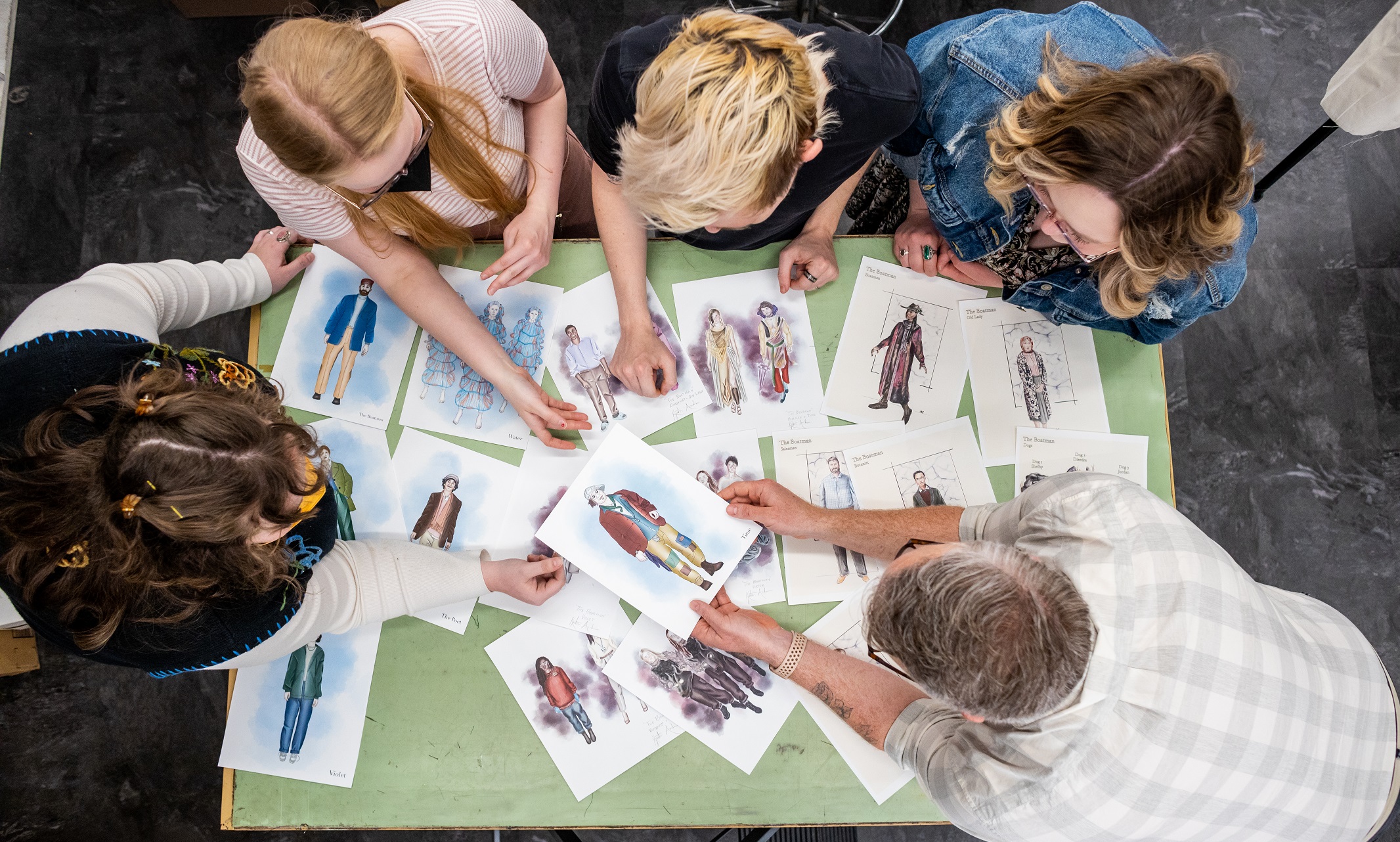
For the sixth year in a row, the program was ranked among Top 10 by The Hollywood Reporter.
The Master of Fine Arts in costume design program is noted in The Hollywood Reporter for its training in both costume design and production, its emphasis on digital graphic skills, entrepreneurial approaches to the field and environmentally conscious practices.
“We are thrilled that our outstanding costume design program is earning this well-deserved recognition,” Courtney Crappell, dean of the Conservatory, said. “When you see UMKC listed with these other top-10 schools, you get a much clearer understanding of the level of excellence and top-value we offer here in Kansas City.”
The Hollywood Reporter also made positive mention of the plan to completely revise the curriculum for Fall 2023. Program head Brandon McWilliams said the changes come from a desire to reflect current trends in live entertainment design.
“We’re making space in our coursework for emerging technologies and digital graphic skills, and we want to help our students develop entrepreneurial toolkits,” McWilliams said. “Our overall focus though remains the same – to prepare practitioners to be successful costume designers, managers and technicians.”
McWilliams arrived at UMKC in August 2022 and has been impressed with the program, particularly its students. An alumnus of another institution on the Top 10 list, Carnegie Mellon School of Drama, McWilliams appreciates the recipe for success at the Conservatory.
“It seems like this place has always offered students an experience so balanced in practical and theoretical approaches that it makes for a really well-prepared and adaptable artist,” McWilliams said. “It’s our students that set us apart, there is such a long-standing trend of success in the profession and in academia from our graduates.”
UMKC was ranked among the University of Southern California, David Geffen School of Drama at Yale and the Fashion Institute of Design and Merchandising.
Here’s the full list.
Mar 15, 2023
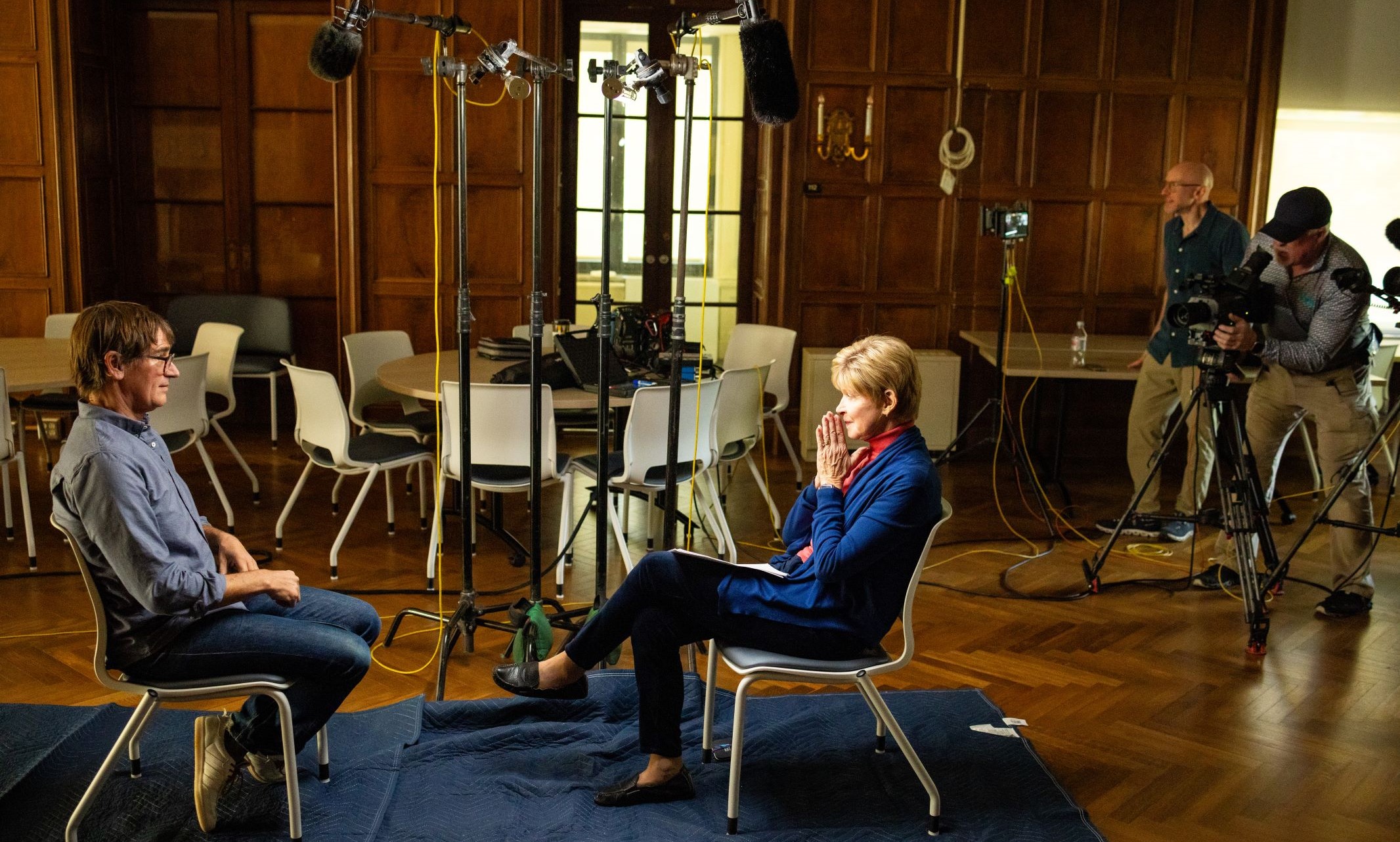
Martin was featured on CBS Sunday Morning, was a Kirkus nonfiction finalist and received the University of Missouri System Thomas Jefferson Award
Clancy Martin, Ph.D, is a well-known professor of philosophy at UMKC. His latest book: “How Not to Kill Yourself” was a 2023 Kirkus Prize nonfiction finalist.
Martin has talked about his personal story about suicide on "CBS Sunday Morning," NPR "Fresh Air" and in the New York Times and appeared at the Kansas City Public Library.
In April 2024, he was awarded the University of Missouri System Thomas Jefferson Award. Martin joins a distinguished group of award recipients who have demonstrated clear excellence and distinction in teaching, research, writing, creative activities and service to the university and humankind.
University of Missouri System President Mun Choi, Professor Clancy Martin, UMKC Chancellor Mauli Agrawal, UMKC Provost and Executive Vice Chancellor Jennifer Lundgren | Photo by Brandon Parigo
We wanted to get to know this popular professor a little better. Here are seven fun facts about Clancy Martin:
Philosophy was not his first major choice.
“I was a chemistry major, and I wanted to go to medical school,” Martin said. But how did he end up teaching philosophy instead of going to medical school? Like many students who end up on a new career path, he took a required elective.
“I didn't even know what philosophy was,” he said. “Then I just had this amazing professor and read a couple of philosophers in that class. I didn't realize that people thought and wrote like this. It made me completely crazy about philosophy.”
He was on the fence about going to graduate school.
When Martin wasn’t sure whether to continue to pursue medical school or a graduate degree in philosophy, he turned to his father.
“Normally, to be frank, he didn't give the best advice and I normally didn't listen,” Martin said. “But I called him and asked him ‘Should I go to medical school or graduate school in philosophy?’ He said ‘Son, all of my friends who are doctors, they complain about how they work all the time and have to deal with insurance. They have no home life. All of my friends who are professors, none of them are rich, but they're all really happy. So, I think you should go to graduate school in philosophy,’ and for once, I listened.”
He used to be in the jewelry business.
After Martin had his first child (bonus fun fact: she is currently getting her Ph.D. at her dad’s alma mater, University of Texas-Austin, but not in philosophy), he dropped out of school for a while. He had brothers in the jewelry business and decided to give working with them a try.
“I thought, maybe I should just make a lot of money rather than be a professor, and I did that for six or seven years,” he said. “I was miserable, and whenever I would get really down, I'd drive to a college campus, just to walk around the campus and see the students. It would make me remember that life was worth living, until eventually I knew I had to get up and go back to graduate school. I had to become a professor because it's just where my heart was.”
He's written for many popular publications, including the New York Times and Elle.
When asked how he started writing for such a large gamut of publications, Martin looked to his heroes, the 19th- and the 20th-century existentialist philosophers.
“Their driving idea is that philosophy should always be relevant to as many people as possible,” he said. “Basically, it should be relevant to the ordinary person on the street. And if we can't reach that person and speak to that person, then we're just not doing philosophy properly. I very strongly believe that.”
His favorite experience with his writing (so far) has been his latest book, “How Not to Kill Yourself.”
He says it’s because it was the hardest to write. It took him about five years.
“It was the most serious self-interrogation that I've done in any of my work,” Martin said. “I think that, as a philosopher, part of your job is to try to go as deeply as you can and ask the questions about the meaning of life. This is when I have done my most thorough attempt yet to investigate that question. It had a life affirming quality to it.”
His favorite part of Kansas City is Midtown.
“I love being able to walk to school,” Martin said. “I love the Nelson-Atkins Museum of Art. I love that Kansas City has everything you want in a big city, but it still feels like a normal size. You never feel overwhelmed, like you can in a lot of big cities. This is just a place that feels right to me. I've had other job offers since I've been here, and I've never been tempted to leave because I love the city, UMKC and our students.”
He wants the student body to know support is available across the UMKC campus.
“If they are having feelings of worthlessness, anxiety, stress or fear, anything like this, reach out, not just to me, but all the faculty and staff at UMKC,” Martin said. “I would like our students to know that we are here for them as human beings and as people to help them in every way that we can. We’re not just an educational resource for them. We're a human resource for them. After they graduate, too. I always tell my students ‘Hey, once you’ve had me as a professor, you're stuck with me for life now. Anytime you need me, send me an email and I'll be there for you.’ And I know that's not just true of me, that's true of all of my colleagues who are faculty at UMKC. This is how we run things at UMKC, and this is one of the best things about our university.”
Mar 13, 2023
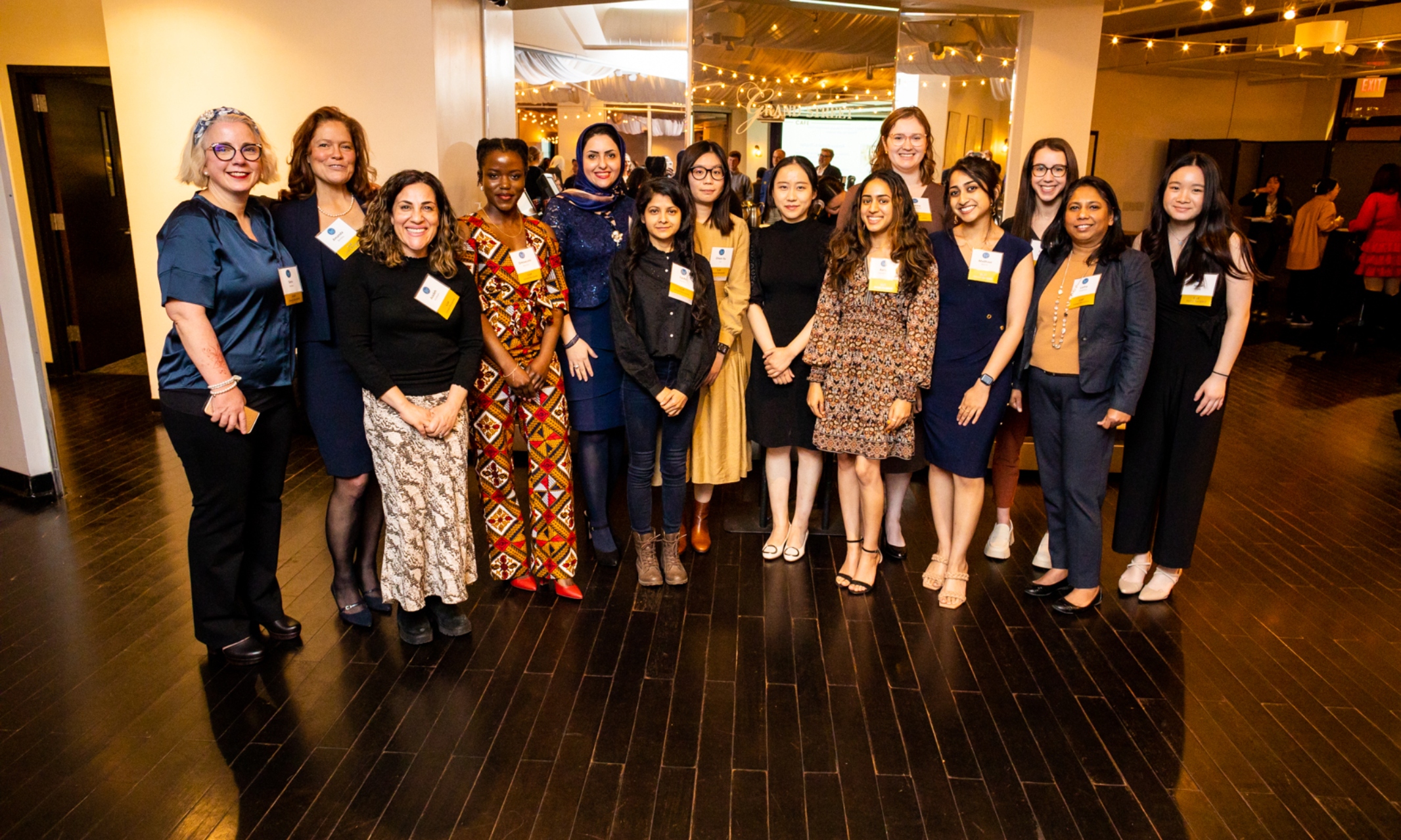
More than $2 million has helped enrich the academic careers of more than 2,000 women
The UMKC Women’s Council celebrated 52 years of supporting women in graduate studies and honoring the 2023 awardees with a reception on March 2.
This year, the group of 77 women received more than $100,000 from the Women’s Council Graduate Assistance Fund. Since its inception, the fund has supported the academic achievements of more than 2,500 women with more than $2.2 million in graduate fellowships.
Ghadah Almousa (Ph.D. ‘24) is researching deep learning solutions to detect and prevent cybercrime in social media. She’s interested in finding solutions to the spread of misinformation and malicious activities. These deep learning models can analyze large volumes of data from social media platforms and identify patterns that are indicative of cybercriminal activity, such as fake accounts, bots and malicious links.
“There is amazing work going on at UMKC. I’m honored to be part of the process.” - Leslie Boe
“Detecting and preventing cybercrime in social media is a challenging task,” Almousa says. “Cybercriminals are constantly evolving their tactics and using new techniques to evade detection. By using deep learning to detect and prevent cybercrime in social media, researchers can help to protect users from scams, fraud and other malicious activities. Also, I have kids, and I want to make the social media environment as safe as possible for them.”
Chancellor Mauli Agrawal with Bibie Chronwall, Ed.D., Ph.D. and Hazel Knutson.
Funding from the UMKC Women’s Council will further her work by allowing her to attend top conferences on cybersecurity and publish her research.
“I am very grateful for the people who provide this funding,” Almousa says.
Rhonda Cooksey, (M.F.A. ’18, GRCT ’18, Ph.D. ‘25 ) is writing her dissertation on representations of racial violence in 19th-century print culture. She received funding to present her research on 19th- century literature and society, and the print culture of the time, and attend a conference that focused on papers that were integral to research.
“The conference call for papers referenced Michael Foucault's concept of parrhesia as a means to interrogate truth--what is it--who tells it--and what are the consequences of telling the truth,” Cooksey says. “As editor of the Colored American Magazine (CAM), Pauline E. Hopkins spoke for agitation at a time when Booker T. Washington stood for accommodation. Hundreds of Black people were lynched every year, and he considered it safer for Black folks to accommodate segregation and not make waves.”
The Women’s Council Graduate Assistance Fund support enabled Cooksey to network with colleagues with similar interests, research archives in the area and further her work on her dissertation. She feels this experience will enhance her career.
Leslie Boe, ( J.D. ’01) is the current UMKC Women’s Council Board of Directors president, and has been on the board for five years. As a shareholder and director at Dysart Taylor McMonigle Brumitt & Wilcox, her work life is demanding. But after attending a Graduate Assistance Fund event, she was inspired by the graduate students and their groundbreaking work.
“I immediately reached out to a board member to let them know I’d love to be involved in supporting the UMKC Women’s Council and its work,” Boe said. “The first year I reviewed applications I was stunned and impressed by the work of our applicants. There is amazing work going on at UMKC. I’m honored to be part of the process.”
Established in 1971, the UMKC Women’s Council Graduate Assistance Fund supports UMKC women working toward post-baccalaureate degrees with up to $2,000 in funds that furthers their completion of graduation requirements and enriches their educational experiences.
Mar 07, 2023
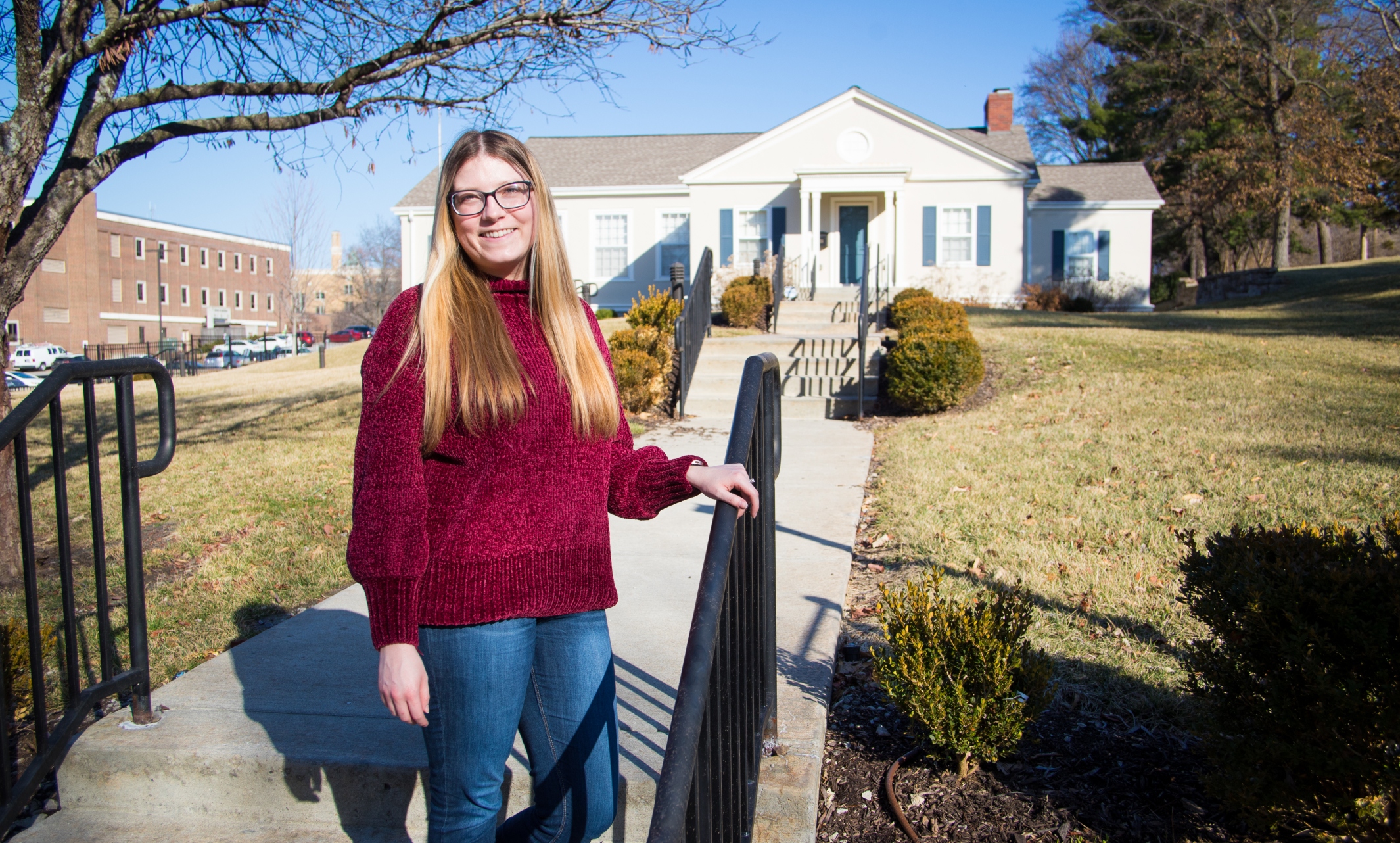
Paid internship provides experience, peace of mind
History student Katy Anielak (M.A.23) had created physical museum exhibits, but her paid internship to develop content for the Clio app led to unique opportunities.
Anielak had participated in undergraduate research, and she wanted to further develop those skills.
“I thought graduate research would be an excellent opportunity to do that while also focusing on topics I’m passionate about,” she says.
Anielak was working with David J. Trowbridge, Ph.D., William T. Kemper Associate Research Professor of Digital and Public Humanities, on content for Clio, a free mobile app that provides guides for history and culture, and he mentioned that the Kansas City Women’s History Trail had not been developed.
“I’m not originally from Kansas City, so the idea of the trail appealed to me to provide assessable information for others, but also to expand my knowledge of the city and the women who have shaped it over time,” she says.
“I don't think I could have found an opportunity that worked around my course schedule as smoothly as this internship, and it helped with my success in both my classes and the internship itself.” - Katy Anielak
Anielak had created physical exhibits before, but this research provided a unique opportunity to create digital content. She worked with UMKC faculty, public history organizations and nonprofits, such as the Midwest Center for Holocaust Education and Operation Breakthrough.
“These interactions allowed me to connect with professionals and broadened my understanding of what goes into both career paths,” she says. “This opened my eyes to the importance of expanding and maintaining public history and nonprofit programs.”
The flexibility of the internship worked well with her class schedule and enabled her to ensure that the quality of the exhibits were well-executed.
“I don't think I could have found an opportunity that worked around my course schedule as smoothly as this internship, and it helped with my success in both my classes and the internship itself.”
This is the scholarship and experience that the Digital Humanities programming was designed to encourage.
“Katy gained confidence and experience as she conducted research that supported her efforts to create virtual museum tours,” Trowbridge says. “We believe that Katy’s virtual tour of the Kansas City Museum will serve as a model and learning experience as we support other historical and cultural organizations in Kansas City.”
Mar 03, 2023
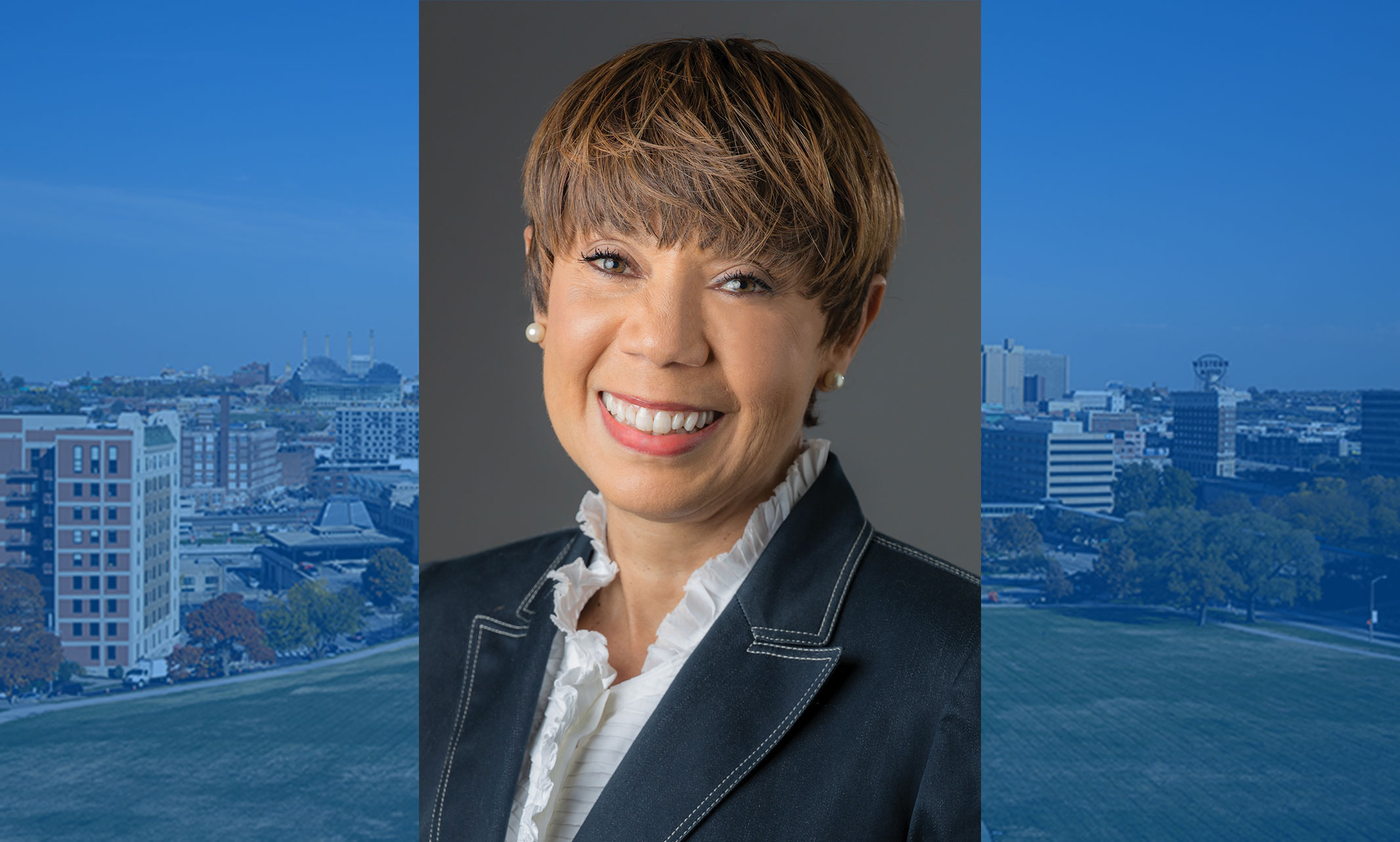
UMKC honors Patricia Macdonald for a lifetime of service
Each year, the UMKC Alumni Association recognizes the achievements of outstanding alumni with an awards celebration. UMKC is honoring Patricia Macdonald with its Class of 2023 Bill French Alumni Service Award.
Patricia (Pat) Macdonald, a UMKC alumna with a Bachelor of Arts in liberal arts and an American Cultures concentration, has always had a passion for urban public education. A product of New York public schools, Pat holds the conviction that “Great minds exist everywhere.” She has taken that conviction into service throughout her professional career.
Macdonald has served as president for the UMKC Alumni Association Governing Board, a UMKC Trustee Board chair, a volunteer for Kansas City Public Schools and Pembroke Hill School, among many other service and leadership positions. She is currently on the boards of KCUR, the Kansas City Ballet, the Missouri Arts Foundation and Visit KC. In all her spare time, she has managed to lead the Strategic Ventures and Operations at the Healthcare Institute for Innovations in Quality at UMKC as a director.
What inspired you to live a life of service?
I can’t say I had a conscious epiphany where I said “I am going to lead a life of service,” but most of us are shaped by what we see, hear and experience on a regular basis. My father never told me to volunteer but he always had messages that equated to “do the right thing,” and he modeled that. He passed away when I was just 9, and fortunately for me, there were a number of women in my life who took special interest in my development and whom, as a result, I quietly admired and I watched very closely. I can say with great gratitude that I am shaped, in part, by them pouring into me, and me, watching them pour into others without talk or fuss but in very special and important ways, when they did not have to.
You are involved in so many organizations – how do you manage your time?
I only consider causes and tasks that I care about, I thoughtfully assess my capacity and I am candid about my capacity before fully accepting a leadership role or new task. The candor is fair to the organization and allows the organization to plan better.
You say that taking opportunities to give back are opportunities to grow in your own personal and professional development; how have you grown?
Opportunities to give back affords me opportunities to interact and develop relationships with people I ordinarily would not, which expands my social and professional aperture. Service has increased my ability to fully analyze situations and conditions which has contributed to my ability to develop win-win and broad-serving solutions. Service has expanded my network of knowledge and professional friends on whom I can call when I need solutions that are not in my personal skillset or personal knowledge base.
What is your favorite UMKC memory?
Having been a UMKC volunteer for as long as I have, I developed tremendous respect and admiration for UMKC faculty and staff. They support volunteers’ efforts at every turn and make sure the volunteer experience is accessible, fun and rewarding. In the fall of 2021, and because of my tremendously rewarding volunteer experiences and esteem for UMKC employees, I was excited to accept a professional position within UMKC. I did not think my respect for UMKC faculty and staff could be any higher but it skyrocketed beyond anything I could have imagined once I began to serve in a professional capacity. I have new insight into what it takes to make UMKC operate with excellence and I bow very low to those who have been serving the university professionally for years.
What is your proudest accomplishment?
My kid! Allister Macdonald. He’s awesome. He’s funny, smart and just graduated with degrees in Kinesiology/Exercise Science and Spanish. He’s also an MMA competitor (I don’t like that part so much, thank goodness he’s good at it).
Where can you be found on the weekends? What are your hobbies?
On weekends, I can be found at the WERQ Dance Fitness studio in the northland having a blast in cardio hip-hop with friends, porch-sitting with my neighbors, reading and/or listening to a book and on Saturdays I am always tuned in to the Session and Soulsations on KCUR 89.3.
About Alumni Awards
Join us in honoring Patricia Macdonald and the other Class of 2023 awardees at an in-person event on the evening of March 10 at Plexpod Westport Commons. For more, visit UMKC's Alumni Association website. If you are unable to attend the event but would like to donate to student scholarships, contributions can be made online.
Mar 03, 2023
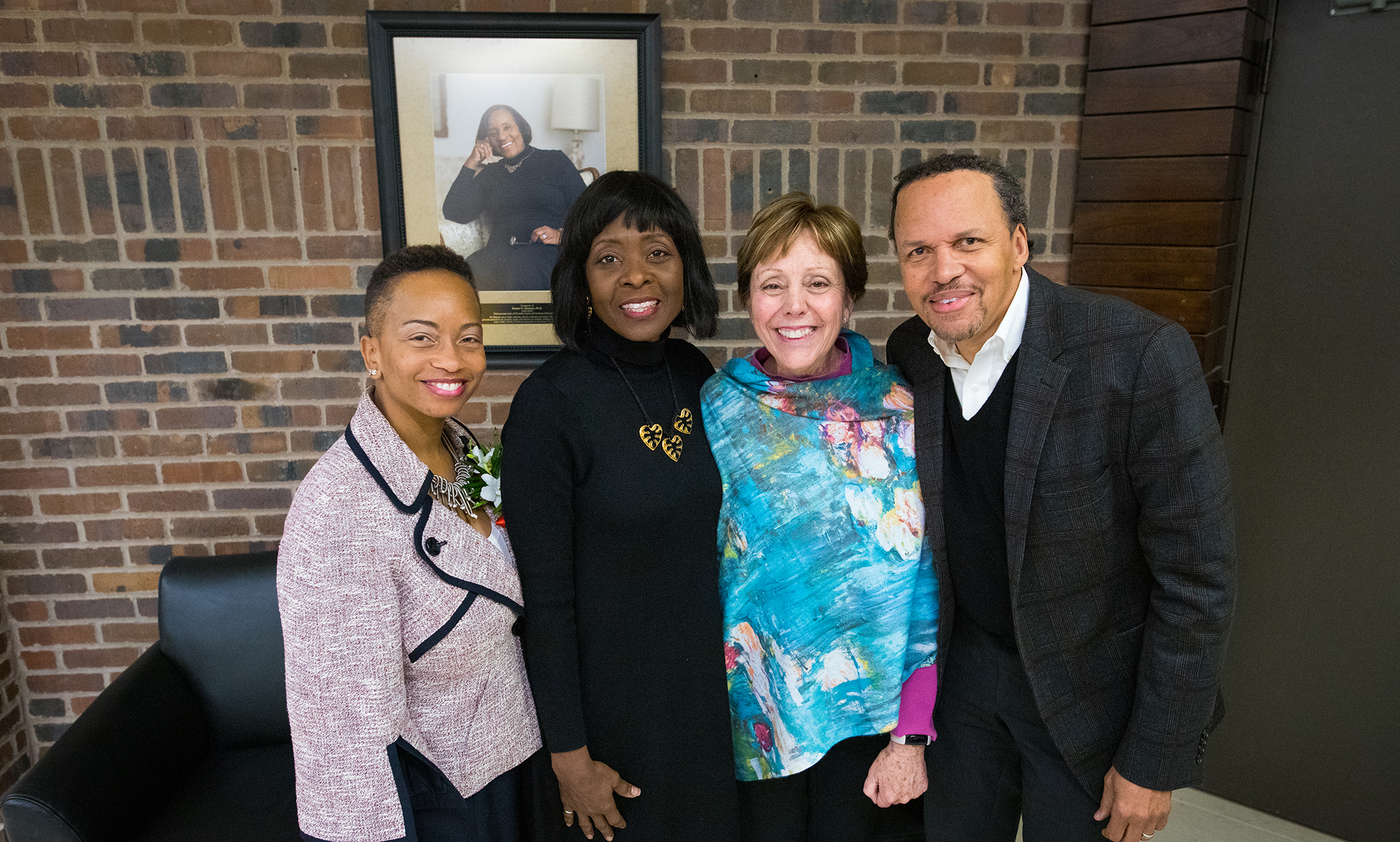
Reaner Shannon served 34 years at UMKC School of Medicine
UMKC celebrated the memory and legacy of Reaner Shannon, long-time director and associate dean of minority affairs at the School of Medicine, with a special tribute on Feb. 24.
Tyler Smith, School of Medicine associate dean for diversity, equity and inclusion; and Shannon’s daughter, Pamela, unveiled a portrait of Shannon, who was a staunch promoter of diversity and equity within the school and throughout Kansas City for 34 years before her retirement in 2008.
The UMKC School of Medicine is renowned for its unique six-year, combined BA/MD program that accepts students directly from high school, and its docent-based mentoring instructional model. Thanks in large part to the efforts of Shannon, it is recognized as a trailblazer in diversity and inclusion as well. Reaner Shannon died last July at the age of 85. Her husband, Henry Shannon, died just five months later, in December, at the age of 89.
The unveiling ceremony took place at the conclusion of the school’s annual Dr. Reaner and Mr. Henry Shannon Lectureship in Minority Health.
The Shannons established their annual lectureship that now takes place each February during Black History Month to create an awareness of health disparities and provide medical professionals, students, residents and the local community information about timely issues that affect underserved and minority communities.
The list of those who have delivered the Shannon Lecture over the years is filled with local, regional and national health leaders. They include leaders such as:
Jocelyn Elders, former U.S. surgeon general (2006)
Gloria Wilder-Brathwaite, founder of Justice Speaks (2008)
Louis Sullivan, former U.S. secretary of health and human services (2015)
Nadine Gracia, deputy assistant secretary of minority health and director of the Office of Minority Health at the U.S. Department of Health and Human Services (2016)
Altha J. Stewart, president of the American Psychiatric Association (2019)
Patrice Harris, past president of the American Medical Association (2021)
Pamela thanked Smith and School of Medicine Dean Mary Anne Jackson, M.D., for recognizing her parents and for the honor of keeping her mother’s legacy alive at the medical school.
“Hospital Hill meant so much to my parents,” she said. “It’s where their careers began and where they ended. This has been like home for us.”
Below the portrait that now hangs on a wall outside the School of Medicine’s theaters is a plaque honoring Shannon as “a leader, educator, scholar, researcher and mentor. She was a tireless advocate and activist for diversity, equity and inclusion for students, residents, fellows, faculty and staff at the UMKC School of Medicine and people in the Kansas City Community.”
Former School of Medicine Dean Betty Drees, M.D., said Reaner and Henry Shannon “were such pioneers in the work that they did and left such a wonderful legacy.”
Reaner Shannon began her career at the school as the main research lab technologist. In 1990, she left the laboratory to become the director of the School of Medicine’s minority affairs office. She became the school’s first associate dean for minority affairs in 1998, a post she held until she retired.
Smith served as the keynote speaker for this year’s lectureship, addressing the importance of mentorship, coaching and sponsorship of “underserved-in-medicine health professionals.” She spoke about how Shannon was a champion of supporting and advocating for students.
“Every medical school needs to have a person like a Dr. Shannon,” Smith said. “One of the joys she had was to serve as a mentor to students interested in science and in medicine.”
Mar 01, 2023
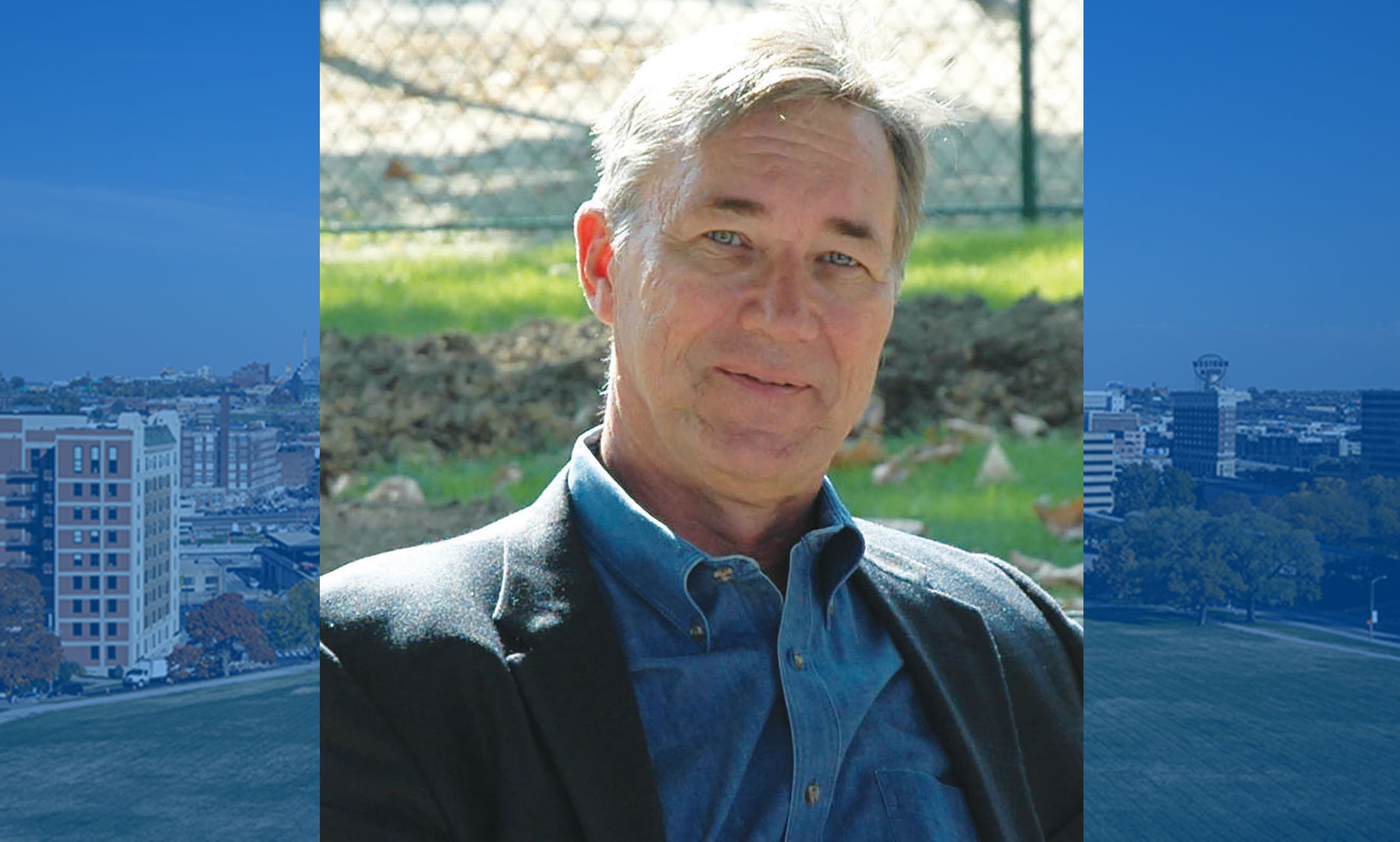
UMKC recognizes Bruce Bubacz with Spotlight Award
Each year, the UMKC Alumni Association recognizes the achievements of outstanding alumni with an awards celebration. The Spotlight Award is a little different, as it can recognize the excellence of almost anyone in the UMKC community whose accomplishments, leadership and public service have caused regional and national attention to be focused on the university and the metropolitan area. This year, the Alumni Association is honoring Bruce Bubacz, Ph.D., with its Class of 2023 Alumni Spotlight Award.
Bubacz is celebrating 50 years of teaching at UMKC this year. Currently serving as the chair of the department of philosophy, he has also served as a professor in the School of Law, as dean in College of Arts and Sciences (now the School of Humanities and Social Sciences) and even as provost of the university. He was also the driving force behind the university’s Honors Program.
“The positive impact Bruce has had on UMKC and, through UMKC, the greater KC community, cannot be overestimated,” said Bubacz’s colleague, Clancy Martin, Ph.D. “Every year he helps other colleagues get tenure, or win awards, or coaches them through work-life balance struggles, or advises others in the upper administration who rightly recognize his matchless experience, care and expertise.”
Bubacz had much to say on receiving this award.
As a non-alum, what drives you to be so dedicated to UMKC?
I have learned as much during the past 50 years as have my students. UMKC has become my home. There is not a place on the Volker Campus that does not hold a memory; there are memories of all kinds.
You have touched the lives of over 5,000 students during your tenure. How have your students inspired you?
About a year after joining the faculty, I was attending a professional conference. One of my graduate professors asked me what UMKC was like. You must realize that faculty at the University of Washington in Seattle considered Kansas City to be rather exotic. I answered, “I teach at a very serious place. The students are serious as are my colleagues.” Nearly all of our students are here for a reason, they are not just “going to college.” They deserved to be taken seriously, and I take that to be an important commitment.
What inspired you to start the Honors Program?
The Honors Program was in fact the brainchild of several people on the faculty. It was thought that students could benefit from an accelerated program of study. I agreed to manage it through the early years. After six years it was secure, and I decided that fresh eyes could take it in a new direction.
In addition to teaching, you also donate to the university. What drives you to give?
Two main reasons. Many of our students have limited means and must work in order to make ends meet. I like to think that I can give some help to them. And I have wanted to memorialize two people who were important influences: my mother (through the Graduate Assistance Fund) and my dear friend Hank Frankel, through a scholarship named for him.
What is your proudest accomplishment?
On several occasions I was asked to serve in a leadership role in a situation that badly needed calm stability. I think I succeeded.
Where can you be found on the weekends? What are your hobbies?
When you get to be my age you are expected to downsize. So, we bought 116 acres in Benton County, Missouri. Maintaining the property takes some effort. For example, about 65% of the property is forest, with many trails cut through the trees, some easy, some demanding. The trails need to be groomed, so Joan and I drive through towing a large mower. We also have a 6-acre stocked pond, and a very nice house. This has been a great place for photography, which has been my favorite hobby since I was 10. I also enjoy wood working of all sorts.
About Alumni Awards
Join us in honoring Bruce Bubacz and the other Class of 2023 awardees at an in-person event on the evening of March 10 at Plexpod Westport Commons. For more details, visit UMKC's Alumni Association website. If you are unable to attend the event but would like to donate to student scholarships, contributions can be made online.
Feb 28, 2023
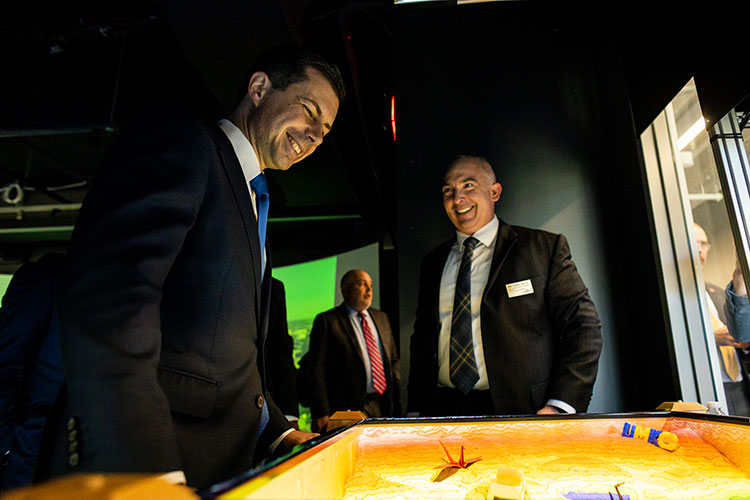
The grant will reinforce the university as an innovator in environmental transportation
U.S. Secretary of Transportation Pete Buttigieg visited the University of Missouri-Kansas City to discuss a new $10 million federal grant awarded to the School of Science and Engineering to develop innovative approaches to improve the sustainability and equity of transportation infrastructure. The grant will provide $2 million annually for five years.
"It's a big deal. To be among those selected really reflects well on this institution," said Buttigieg, who toured labs at the Robert W. Plaster Free Enterprise and Research Center at UMKC while he was in town to visit the new Kansas City International Airport terminal. He discussed the Bipartisan Infrastructure Law-funded grant with students. Robert Hampshire, deputy assistant secretary for research and technology, and chief science officer at the U.S. Department of Transportation, joined him.
The grant was highly competitive: UMKC was among 20 selected from 169 universities to lead Tier 1 University Transportation Centers for underserved and disadvantaged populations. UMKC will work in consortium with Tennessee State University, Texas State University, the University of Louisville and Washington State University, and focus on preserving the environment. UMKC was the only university in the state of Missouri to be selected in this round of funding and was chosen because of its transportation research and project expertise in a city environment. The Plaster Center, from roof to ground floor, is built with labs that work on transportation innovations, including:
Sidewalk technologies that won’t freeze in the winter and aren’t too hot in the summer
Improved bus-stop surroundings for all seasons
Drones that help inspect bridges and deliver packaged goods
3D printing that can simulate vehicle parts
Methods to make more durable concrete for highways and road
“With this grant, our urban, public-research university and its partner institutions will work collaboratively to perform cutting-edge research and to help build an environmentally responsible, 21st century U.S. transportation infrastructure,” said UMKC Chancellor C. Mauli Agrawal. “It is a great opportunity for our students and our community.”
UMKC is integrally involved in major transportation projects across Kansas City:
Bloch School of Management students consulted on new employees’ transportation needs for the $1.5 billion KCI Terminal opening Feb. 28. Faculty and alumni have served additional roles on the project including construction, communications and art.
The Kansas City Area Transportation Authority collaborated with the UMKC Center for Economic Information to better understand the economic impact of its zero-fare policy. The UMKC center’s analysis found the regional Gross Domestic Product will increase between $13 million and $17.9 million as a result of ZeroFare KC.
In two years, the Kansas City Streetcar will have its southern-most stop at UMKC upon completion, extending the existing route from the River Market straight to the university’s doorstop.
Ceki Halmen, UMKC associate professor of the natural and built environment, is program director of the grant. Hired in 2008 at the university, his research focuses on corrosion of steel and the breakdown of concrete, and finding ways to make more sustainable and durable materials to improve quality of life.“Transportation conveys substantial socioeconomic benefits but at the same time impacts the environmental systems,” Halmen said. “As transportation planners face the evolving challenges of aging infrastructure, funding constraints, climate change and shifts to multimodal transportation systems, guidance is needed on how transportation decisions impact the environment, especially for disadvantaged or overburdened communities.”
Feb 27, 2023
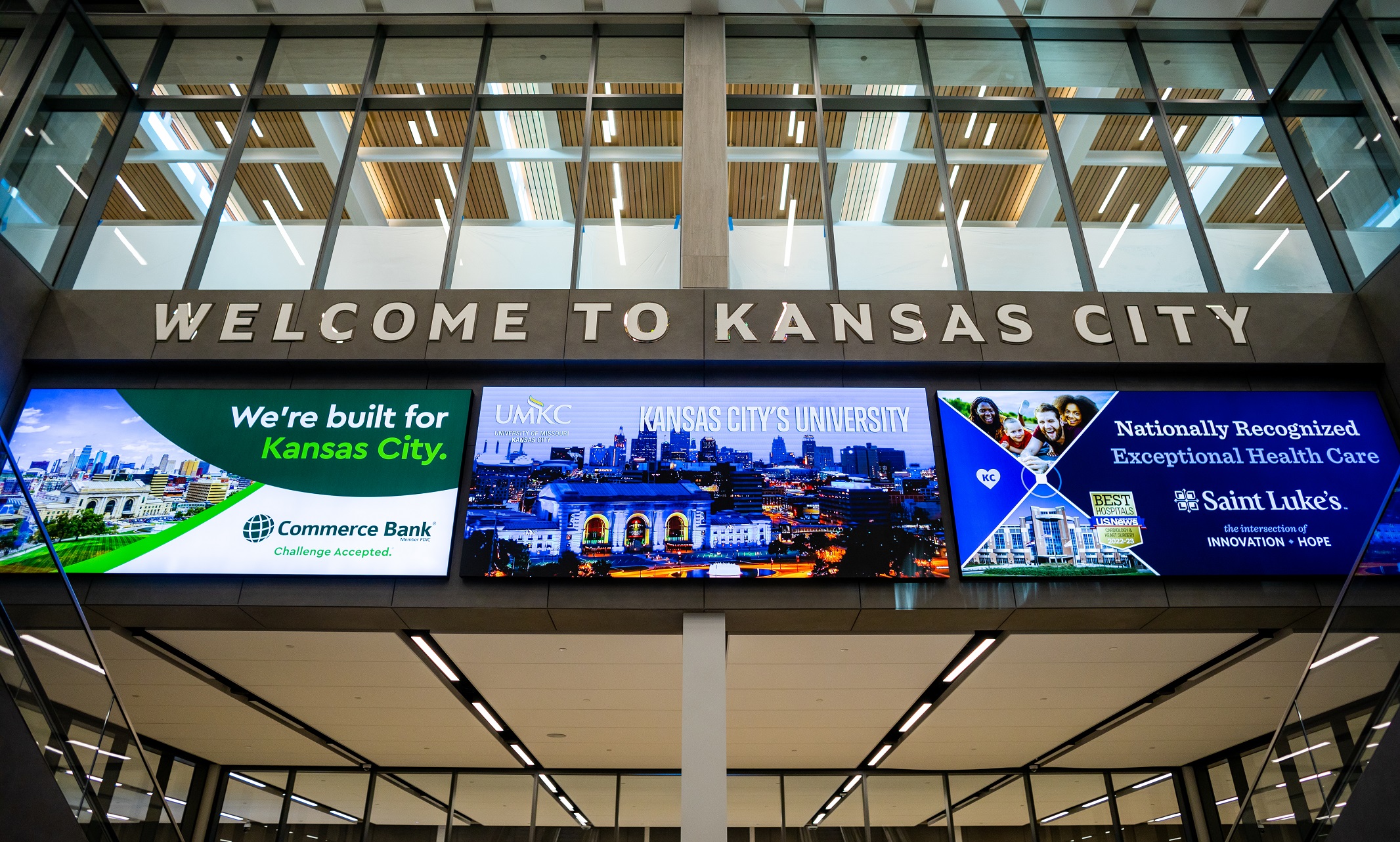
Students, faculty and alumni were involved in the project from start to finish
It’s only fitting that Kansas City’s university would be involved throughout the largest infrastructure project in the history of the city. The new KCI Airport terminal is open to travelers and UMKC students, alumni and faculty helped make it happen.
Communication
Before any construction happened, Joe McBride (B.A. ’86) had one of the earliest roles to play in the project: getting the community on board. As senior manager of communications for the Kansas City Aviation Department, McBride had to convince people of the need for a new terminal, a sometimes-uphill battle as many Kansas Citians liked the convenience of the old airport design.
“I was happy that people had a sense of ownership of it,” McBride says. “That’s good.”
After the project was approved, McBride monitored public meetings and comments to ensure that travelers’ concerns were taken into consideration during the design process. His role in the project was truly from beginning to end, as he also played a key role in planning the grand opening.
“I think after all the labor and toil it will be, ‘Wow, it’s finally here,’” McBride said. “And watching people come into the terminal, checking in with the wow and the awe in their eyes, that’s going to be a fun, long, proud day.”
Design
For Kimberly (B.S.E.E. ‘95) and Trent (B.S.C.E. ’95) Robinett, the chance to participate in the design of the new airport had as much personal significance as professional.
“The terminal project is one of those signature projects that impacts the entire city,” Kimberly said. “It is the first thing about our city that visitors experience. But beyond that, we are hopeful that the new terminal will improve the lives of Kansas City residents by making it more attractive for airlines to add additional connections out of Kansas City.”
The Robinetts cofounded TREKK Design Group. TREKK helped develop the infrastructure for the new airport. This included locating and surveying existing utilities.
“Our crews were challenged with untangling what looked like a bowl of spaghetti,” she said.
From there, they worked with subcontractors to design critical systems for the new terminal, including drainage and ground service equipment. These systems have a substantial impact on travelers, but unlike food vendors or retail, travelers are usually unaware of their existence. But, according to Kimberly, recognition has never been front of mind for the Robinetts.
“We are so grateful for the opportunities that we have had to work with leaders across Kansas City in building its future and making a meaningful contribution toward improving lives.”
Engineering
Led by CEO Hagos Andebrhan (B.S.C.E. ’78) and president Leonard Graham (B.A. ’74), Taliaferro & Browne Inc. is the lead landside civil engineer company for the terminal project. Although they’ve been involved in significant projects before, including renovations of Arrowhead and Kauffman Stadium and the Kauffman Performing Arts Center, they view this project as notable in its own way.
“It is the largest single infrastructure project in the city’s history, and the largest construction project in which our firm has lead-design responsibility,” says Graham. “The KCI new single terminal project is probably one our proudest efforts yet.”
The firm’s responsibilities included project management and coordination, design of roadways, including roundabouts and bridges, street and parking lot lighting, surface parking lots and utility relocation. And if that wasn’t enough, the firm was also responsible for designing the temporary traffic modifications that kept travelers moving to the old terminals throughout the project.
“The new $1.5 billion KCI single terminal is a project like no other,” says Andebrhan. “It is a once in a lifetime project for the city and everyone involved in its construction.”
Consulting
Four students from the Bloch School of Management, Msgana Zegeye, Nicolas Hartung, Erik Klaas and Henry Meeds, consulted with vendor management company Vantage Airport Group. The students researched how to attract workers and meet their needs, particularly employees of the restaurants and other airport vendors. They made recommendations regarding which employment websites to use, transportation needs of employees, and how to recruit workers from downtown Kansas City.
“Participating in a once-in-a-generation project and making a meaningful impact on my city has been an unforgettable experience,” Meeds said.
Hartung added, “Not only did we gain real-word experience, we were also given the opportunity to be part of Kansas City’s history. Working on this project has showed me that a classroom is not the only way to learn essential skills in college."
Art
Kati Toivanen, professor of studio art, was one of 28 artists selected out of more than 1,900 applicants to create a piece of art for the new terminal. This piece is Toivanen’s first permanent commission in the city, and it represents an experience she knows well: traveling with family.
Toivanen is from Finland and travels frequently to visit family. When her son was young, much of her luggage space was dedicated to his needs and entertainment. Her artwork, titled “I Spy Carry-on” is reminiscent of those days.
“The collection of objects in the project reflects this universal experience of family travel,” Toivanen said. “It is my hope that the project will provide entertainment for both parents and children as they explore and discover familiar objects in the images.”
Spoiler alert: look closely and you’ll find a kangaroo shape that signifies Kansas City’s university.
Feb 27, 2023
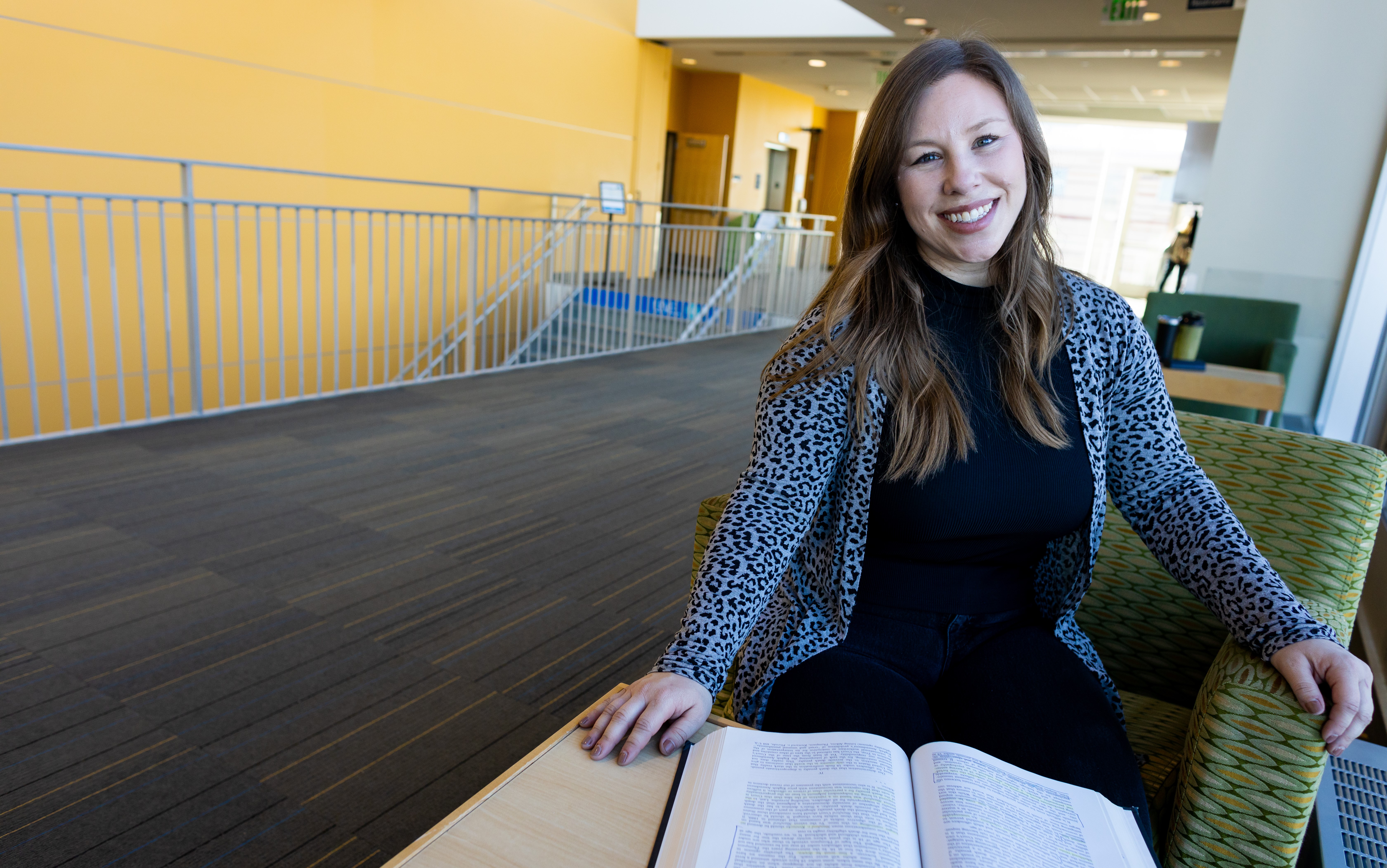
UMKC School of Law Campaign for Advocates is making a difference
The UMKC School of Law is recognized consistently for the education and preparation of students focused on advocacy.
The Campaign for Advocates is a $1 million campaign initiated to increase’ opportunities for students in this area through support of scholarships and advocacy competition travel and expenses. The campaign has raised more than $600,000; lead gifts supported a faculty fellowship to fund coaching for the trial advocacy teams. Scott Bethune (J.D. ’88) and Kent Emison (J.D. ’81), are campaign co-chairs, and David Mayer (J.D. ’92), managing partner Monsees & Mayer, P.C., and Jim Bartimus (J.D. ’77) created the first two endowed scholarships to support the Campaign For Advocates.
Mayer worked while he attended law school, and he knows the challenges that juggling school and employment present to law students. As a scholarship recipient during his time at UMKC, he is dedicated to supporting the Campaign for Advocates because of the assistance it provides.
“Many students come to law school with debt from their undergraduate education,” Mayer says. “I know that potential students consider the available scholarship funding when they are choosing a law school. The more talent we can keep or attract is a bonus to the law school and Kansas City.”
Stephanie Landers (J.D. ’23) is one of the first recipients of the Monsees & Mayer Endowed Scholarship. She was a teacher when she decided to go to law school.
“I have always had a huge heart for helping people who don’t have a voice,” Landers says. “After 10 years of teaching I wanted to make a career change where I could truly advocate for people every single day.”
Nervous about going back to school, Landers applied to 10 law schools and was accepted to all of them. One of the schools that accepted her offered her a full tuition scholarship.
“When I was deciding, I remembered touring UMKC and seeing professors and students in the hallways having conversations,” Landers says. “It felt like family, and it felt like home. I accepted the offer from UMKC the next day. I knew it was where I was supposed to be.”
Initially interested in family law, she participated in “Last Man Standing,” a mock trial challenge, her first year.
“I fell in love with litigation,” Landers says. “I love being in the courtroom and advocating. The whole reason I came back to law school was to give hope to people who didn’t have a voice. That part of advocacy is important to me.”
Even though Landers worked full time during law school, receiving the scholarship this year has been essential.
“I’m sitting for the bar and the help with bar preparation has been critical.”
Steve Leben, Douglas R. Stripp Missouri Distinguished Professor of Law, is committed to furthering opportunities for advocacy students.
“We provide critical support to all of our students, but establishing endowed scholarships ensures that we can recruit more effectively,” Leben says. “In addition, the support is important for advocacy students who are unable to work as much as they’d like because of the preparation for advocacy competitions. These funds help our students, but also the potential clients who need their skills.”
Mayer knows that the scholarship funding will make a difference for the students.
“I’m a firm believer in the quality of students who attend UMKC School of Law,” Mayer says. “We want to continue to attract the highest level of talent. It’s good for UMKC and the Kansas City legal community. That’s what made our firm want to give back – to UMKC and to the students at the School of Law.”
Feb 23, 2023
UMKC Alumni Association honors the Accurso Family with the 2023 Legacy Award
Each year, the UMKC Alumni Association recognizes the achievements of outstanding alumni with an awards celebration. UMKC is honoring the Accurso family with its Class of 2023 Legacy Award.
The Accurso family’s legacy at UMKC dates back to the 1940s when Joseph Accurso attended UMKC, then known as Kansas City University. Members of the family have graduated from nearly every program on campus, including the College of Arts and Sciences, Henry W. Bloch School of Management, School of Biological and Chemical Sciences, School of Education, School of Law and School of Medicine.
Left to right: Joseph Accurso and Tammy Dickinson
Alumni include Joseph’s nephew, Lou Accurso (B.A. ’78, J.D. ’81) and Lou’s sons Christopher (B.A. ’11, J.D. ’14), Anthony (M.D. ’12) and Patrick (J.D. ’18). Many other family members have attended, including Michael C. Accurso (B.B.A. '82), Melissa Accurso (B.A. '88), Joseph M. Accurso (B.A. '96), Tammy Dickinson (J.D. '98), Terri Accurso (B.A. '02, M.A. '12), Danielle Roy (M.S. '09) and Nicholas Accurso (B.B.A. ’20).
“I chose to study at UMKC because it allowed me to obtain a world-class education while being able to hold a job,” Lou said. “It turned out to be the greatest single investment of my life. Being a Roo brings a sense of bonding among my family; it’s part of our commitment to the community.”
Residents of Kansas City may recognize the name from the Accurso Law Firm, one of the city’s most well-known law firms. Founded by Lou in 1988, Lou and Christopher work in the firm as trial attorneys. Lou is a renowned attorney, with many successes in both state and federal courts.
Left to right: Patrick. Lou and Christopher Accurso, Photo by Brandon Parigo | UMKC
Lou’s son, Patrick, is currently an assistant prosecutor with the Jackson County Prosecutor’s Office, which has been a launch pad for several members of the Accurso family. Lou and Christopher both began their legal careers there, and Tammy Dickinson, sister to Lou, was an assistant Jackson County prosecutor for 15 years.
“I knew that I wanted to be a trial attorney when I started law school, it was my second profession,” Tammy said. “There really wasn’t any other institution that I would have considered attending. I knew that I could get an excellent education in my hometown and would have opportunities that I couldn’t get elsewhere.”
Tammy went on to become the United States Attorney for the Western District of Missouri, where she worked to create the intensive drug treatment court program to provide sentencing alternatives for those convicted of drug-related crimes.
The Accurso family’s impact goes beyond the courtroom. Anthony Accurso, Lou’s son, is an oncologist and hematologist in Hays, Kansas.
“My family’s legacy at UMKC proved to me that I didn’t need to go to a prestigious private university or Ivy League college to receive a great education,” Christopher said. “Our family’s legacy demonstrates that anyone can receive an excellent education and find success in any number of professions with a degree from UMKC.”
Feb 22, 2023
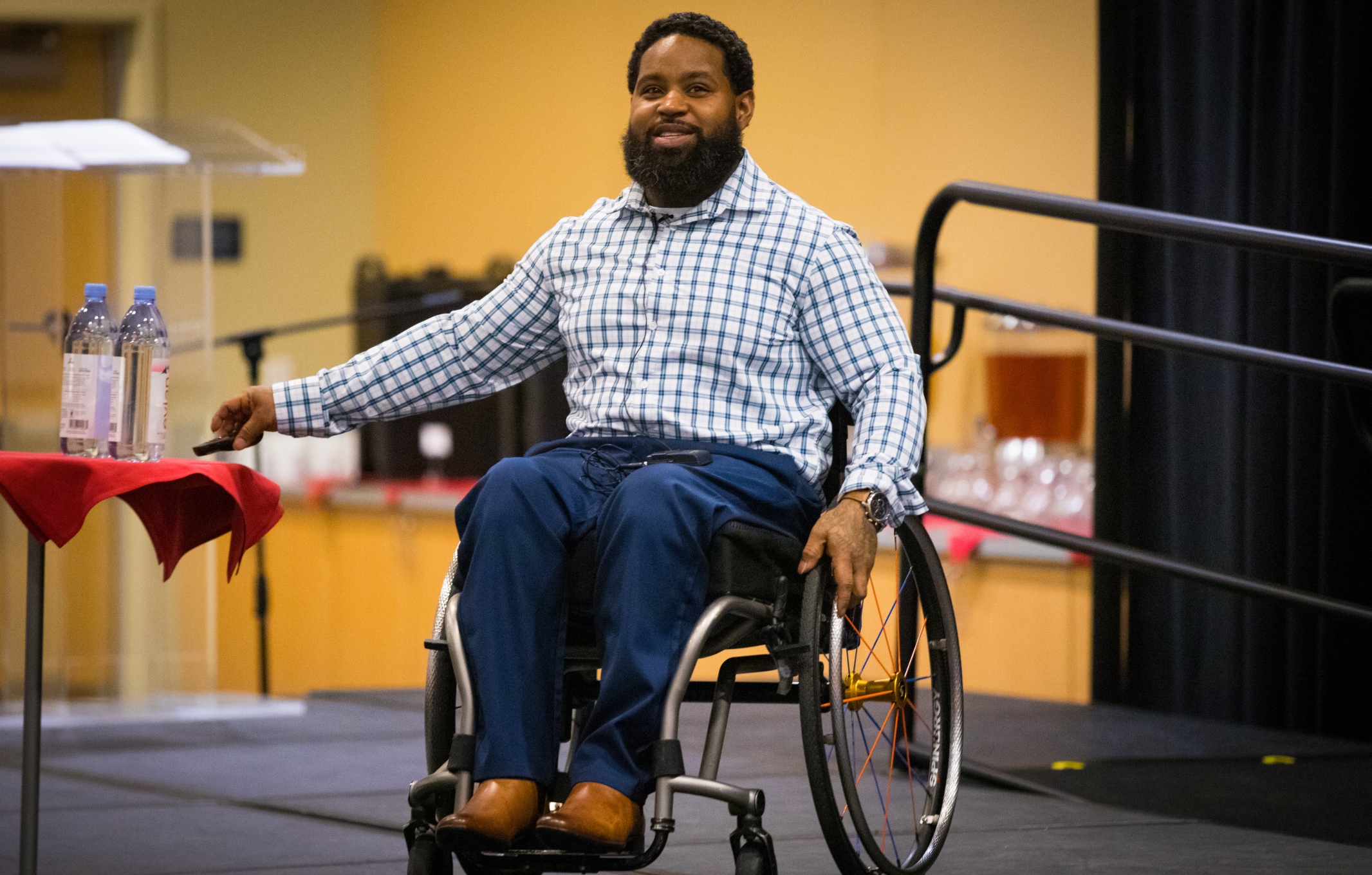
Disabled But Not Really founder Wesley Hamilton shares his path to empowerment
The African American Student Union (TAASU) Freedom Breakfast was created to commemorate the legacy of Martin Luther King Jr., promote unity and harmony within the UMKC community and celebrate the university’s values of diversity, inclusion and respect.
This year marked the 32nd anniversary of the breakfast and included student performances. Michele D. Smith, vice provost for student affairs, dean of students, recognized the importance of TAASU and the Multicultural Student Association.
“Love, peace and equity still have a way to go,” Smith said. “But we are committed to progress and change by developing and sustaining a culture of inclusion.”
Keynote speaker Wesley Hamilton, Disabled But Not Really founder, spoke about his life growing up on Kansas City’s Eastside. Hamilton moved out of his family’s house at 16 years old. A single parent at 22, he was shot three times in the back just after his 24th birthday.
TAASU Freedom Breakfast Contributors
Left to right: Keichandra Dess-Burnett, Malowa Mays, Makiya Carmons, Noma Ruben, Jalyn Williams, Khalil Shelton, Khyra Curtain, Ta'Sha Lumpkins
He spent three years in recovery from a spinal cord injury that left him paralyzed below the waist. His rehabilitation led to a focus on health, and competition as an adaptive bodybuilder. Hamilton founded Disabled But Not Really, an organization designed to bring positivity and hope to the disabled community.
“I have not had a lot of opportunity to celebrate my Blackness,” Hamilton said. “It’s good for people to see the journey.”
Hamilton, who was featured on “Queer Eye for the Straight Guy” in Kansas City, is focused on serving communities better to support mental health and self-esteem.
“Slavery, Jim Crow, high levels of stress, anxiety and depression have a profound impact on our daily lives. We need to do more.”
Feb 16, 2023
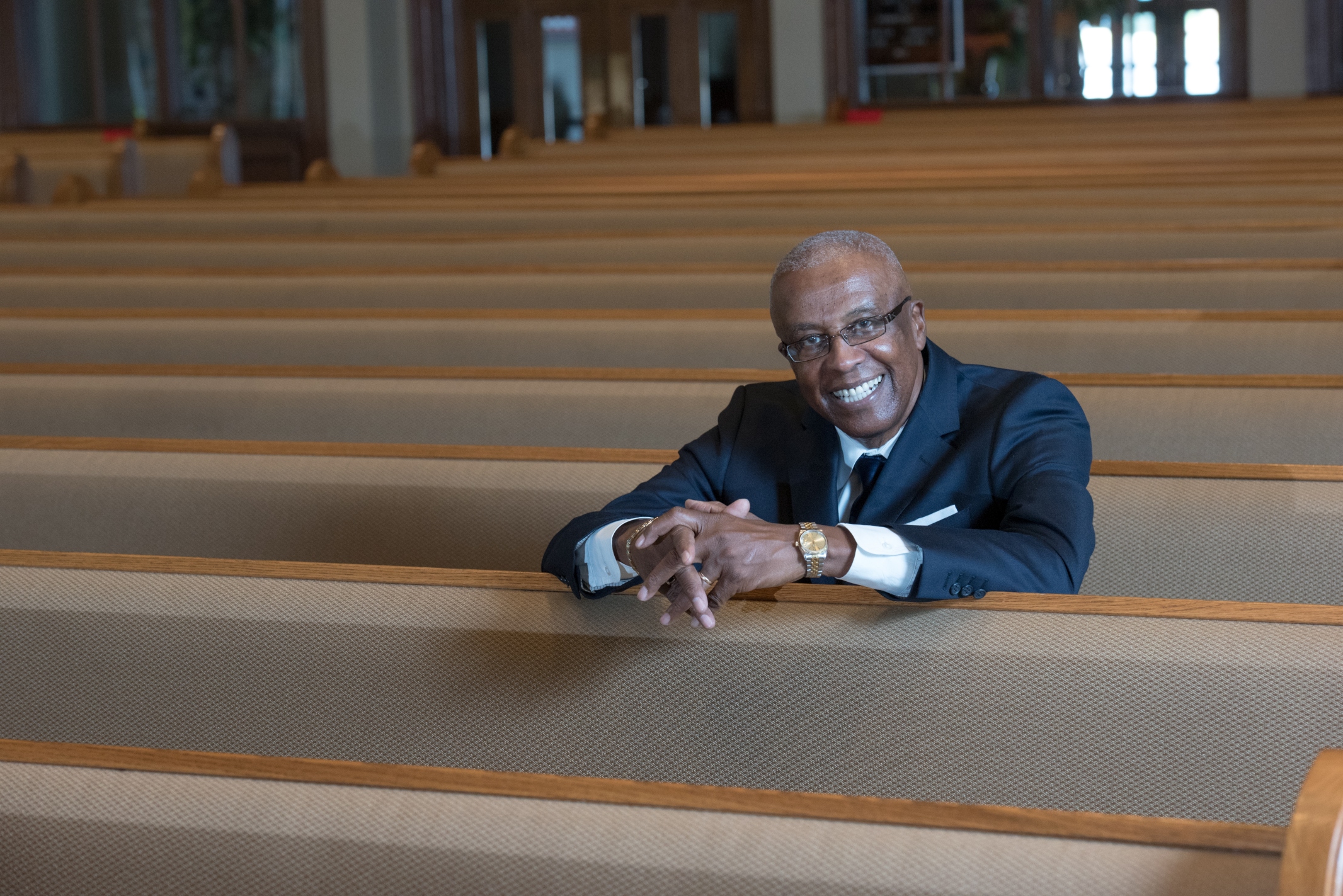
Rev. Carl Moore (BME ’68) shares his journey through music, business and faith
Each year, the UMKC Alumni Association recognizes the achievements of outstanding alumni with an awards celebration. UMKC is honoring Rev. Carl Moore (BME ’68) with its Class of 2023 Defying the Odds Award.
Rev. Moore arrived in Kansas City in 1960 after one year at Alabama State College. During his time there, he was arrested for protesting racially inequality and not allowed to return to school. His mother put him on a train to Kansas City which led him to enroll in the University of Missouri–Kansas City that fall.
Moore graduated from the UMKC Conservatory of Music with a degree in music education to embark on a career as a high school teacher, a business executive for IBM, as well as a senior pastor for over 24 years.
How did UMKC prepare you for/contribute to your success?
UMKC provided wonderful, caring and encouraging professors; I met great people and lifelong friends, assuring me that I had something to offer the world.
What has music meant to your life?
Music is a unifying force, generating love, happiness, a calming influence and a sense of joy. Music has stirred the deepest emotions in my life.
How do you believe young people can make a difference in their communities?
Young people can make a difference by focusing on education, making good choices, being role models and by setting high, but realistic, goals for their lives.
What advice do you have for students who would like to follow in your footsteps?
Students need to know “they can.” Paul, the Gospel writer, said, “I can do all things through Him who gives me strength.”
Feb 15, 2023

Sean O’Brien is also a School of Law professor
Each year, the UMKC Alumni Association recognizes the achievements of outstanding alumni with an awards celebration. The university and the association are honoring Sean O’Brien (J.D. ’80) with the Class of 2023 Alumnus of the Year Award.
O’Brien became interested in the practice of law at his first traffic stop.
“I was 16 years old and the man who was running for sheriff came to my car after the police officer left,” O’Brien remembers. “My dad’s car had the candidate’s sticker on it, and he told me that since I was a constituent, he could arrange for the ticket to disappear.”
When O’Brien recounted the story to his father, his dad was furious.
“He called the man and told him that law should work for everyone,” O’Brien says. “That was my first lesson in equal protection, and it stuck.”
Following law school, O’Brien experienced another defining moment in his career in the face of inequity.
“At breakfast at a local business organization, the keynote speaker used the appointment of the honorable Fernando Gaitan’s (J.D. ’74) appointment as a springboard to everything wrong with the justice system based on his race. I walked out and turned in my notice without another job to go to.”
“UMKC School of Law prides itself on producing practice-ready lawyers, and that was true in my case.” - Sean O'Brien
A month later, O’Brien interviewed with Chief Public Defender Jim Fletcher.
“It felt like coming home,” O’ Brien says. “They offered me a job on the spot. I took it and never looked back.”
In 1988 Senator Tom Eagleton, Robert Popper, dean, UMKC School of Law , professors Ellen Suni and Nancy Levit wrote a grant to create the Missouri Capital Punishment Resource Center to recruit and train good lawyers to assure that people sentenced to death have access to legal representation when they need it. Already recognized as a tireless advocate for the wrongly convicted, they hired O’Brien to run it.
In some ways O’Brien feels that he never really left UMKC. After directing the Missouri Capital Punishment Resource Center for 15 years, Dean Emerita Ellen Suni hired him as a visiting professor. After two semesters he applied to be the permanent criminal law professor. He finds that if someone finds work that they are passionate about, it’s not really work, it’s a calling.
“I am proud of the work I have done, but my feelings about it are complicated,” O’Brien says. “It is much harder to free an innocent person than it should be and much too easy to wrongly convict them in the first place. You never lose sight of how much these innocent men and women have lost during their years or decades of wrongful incarceration, and how deficient our social safety net is.
“It’s a struggle for them to find work, health care and housing. Some do find good jobs and create happy, productive lives, but they all suffer some degree of post trauma stress injury, especially people exonerated from death row. The day they walk out is just the beginning of a new struggle.”
O’Brien considers his most significant professional accomplishment the Supreme Court victory in Schlup vs. Delo, a landmark case which set the standard for innocence claims in federal habeas corpus proceedings.
“It’s impossible to brief an innocence argument anywhere in the country without relying on Schlup. It has helped free hundreds of people from prison.”
He credits his education at the UMKC School of Law for providing the foundation for his success.
“UMKC School of Law prides itself on producing practice-ready lawyers, and that was true in my case.”
But his proudest accomplishment is not related to his career.
“I have two amazing daughters who are brilliant, creative and curious,” O’Brien says “I am prouder of them than anything I have done professionally.”
Feb 14, 2023

These two super-proud alums lead the success
No doubt and nothing subtle about it, aside from Arrowhead Stadium, Union Station is Kansas City’s most popular spot for celebrating the Chiefs inside and out.
At night, the massive 109-year-old beaux-art limestone building exterior is illuminated in the team’s colors, a glowing red-and-gold beacon in the skyline. Step through the doors any time of day, and there’s a gigantic fan zone to match.
An enormous Chiefs flag hangs from the ceiling of Union Station’s Grand Plaza. And in other prominent spots, there’s a large screen with Chiefs season highlights surrounded by historic and modern artifacts, a store packed with red merchandise and a brilliantly lit AFC Champions marquee sign designed for seriously stellar selfies and photo ops.
Two Roos and their creative teams are at the center of it all. George Guastello (B.B.A. ’82, M.B.A. ’84) has been president and CEO of Union Station since 2008. Michael Tritt (B.S. ’86) has served as the Union Station chief marketing officer for the past decade.
George Guastello, president and CEO of Union Station, at left, stands next to Kansas City Chiefs CEO Clark Hunt and former Chiefs player Bobby Bell at Union Station.
“We add to the experience each year,” Tritt said.
Indeed, baby goats in Chiefs jerseys that appear on weekends have been added to the mix because, duh, the Chiefs have a quarterback destined to be the Greatest Of All Time.
Rewind to three years ago when Union Station was the rally center of the championship parade after the Chiefs won the Super Bowl in 2020.
“Union Station has the size, location and history to make it the most popular destination to host such festivities,” Guastello said. “For more than a century, the monument has been the scene of celebrations of every size and for every reason. Wartime reunions. Business gatherings. Proposals. Weddings. Civic events. And millions of moments that write personal stories to last a lifetime.”
KC Wolf, Kansas City Chiefs mascot, stands next to Michael Tritt, chief marketing officer of Union Station. The flag in the background mentions the 2023 NFL Draft, which will be held in April at Union Station.
Another Roo connection to Union Station: UMKC Chancellor Mauli Agrawal is on its board of directors.
“Union Station is happy to host every one of these special moments and humbled by the outpouring of gratitude we receive as a result,” Tritt said.
Attendance this year to Union Station’s fourth annual Fan Zone is expected to set a new record, with more than 160,000 guests visiting the lights, sounds and selfie opportunities made available by Union Station and its community partners. And yes, they’re ready to host another rally, fingers crossed, with even more crowds who are part of the devoted Chiefs Kingdom.
Feb 08, 2023
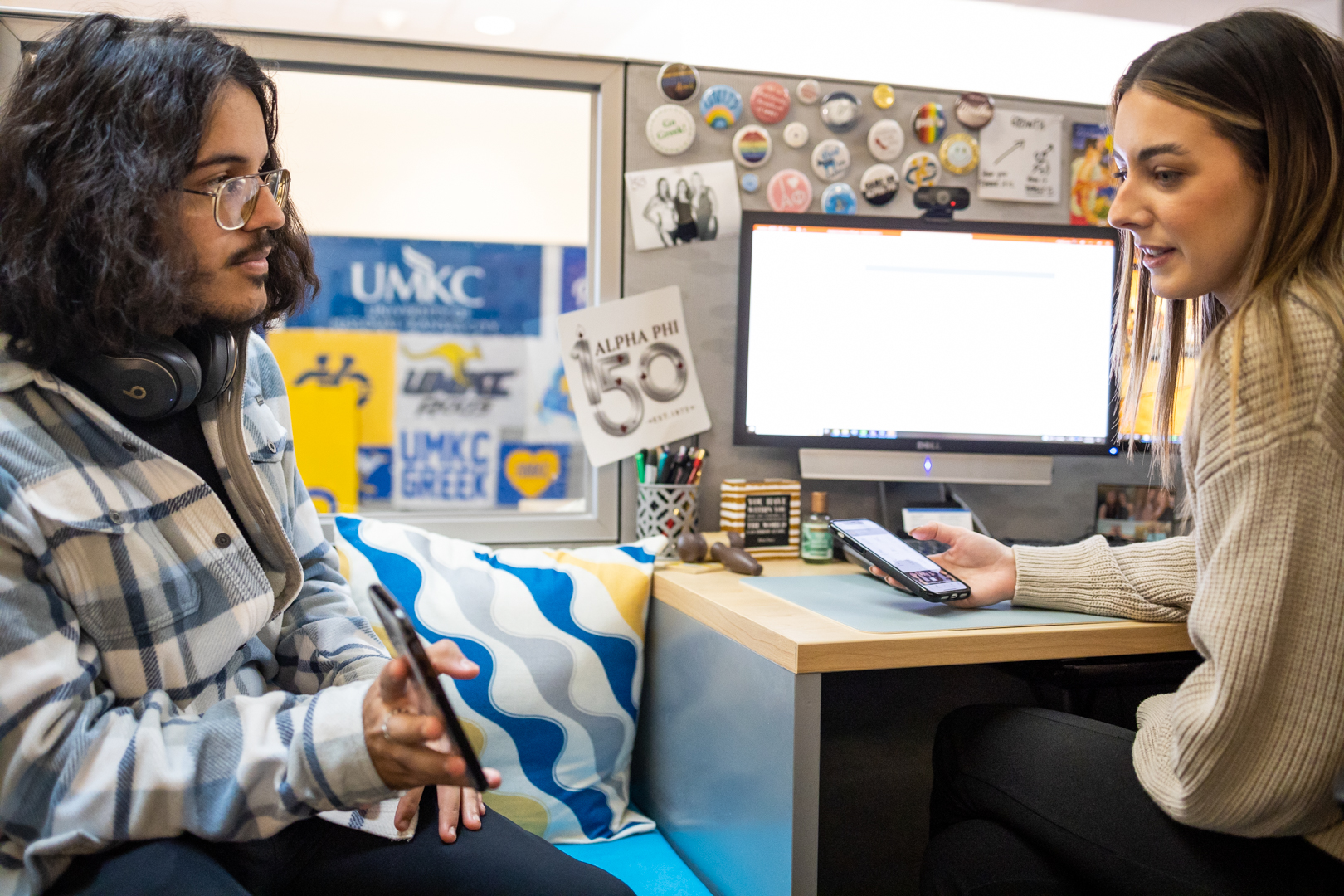
Colton Stewart is already meeting potential future employers through UMKC Professional Career Escalators
Roos don't just dream, they do. Our students turn ideas into action every day. Get to know our people, and you'll know what UMKC is all about.
Colton StewartAnticipated graduation: 2026Academic Program: law and justice track, Professional Career EscalatorsHometown: St. Louis
Colton Stewart understood early on the value of networking and making connections to long- term career success.
When he learned that such connections are one of the primary benefits of a new university program, he made the cross-state leap from St. Louis to Kansas City to pursue his career in criminal justice.
Stewart enrolled in the Professional Career Escalators program at the University of Missouri-Kansas City. It’s a comprehensive career-development program designed to propel students from their academic studies to high-paying careers by providing a dedicated, GPS-guided path from enrollment to workforce.
It didn’t take long for the program to deliver.
“I am being connected to opportunities I had no clue existed, like a huge police job fair which granted me the opportunity to speak with many police departments as well as FBI, ATF and the Missouri State Highway Patrol,” Stewart said. “The Professional Career Escalators might also connect me to a paid police internship this summer, so the benefits of the program are extensive.”
The Professional Career Escalators program is a unique, trademarked system of personalized support and services unlike anything being offered across the U.S. It prepares students for careers in four key areas of workforce demand: law and justice, engineering and business, education and health care.
Each semester, students participate in the five Professional Career Escalators core experiences: career guidance and development; experiential learning opportunities (such as job shadowing and internships); mentoring with faculty experts and community professionals; graduate and professional school preparation; and leadership development.
“UMKC has amazing connections to Kansas City and to the law enforcement field, so they can easily get their students paired to careers and opportunities,” Stewart said.
Why did you choose your field of study?
It has been something I always wanted to do as a kid. Criminal justice has always been a life long passion for me and now I am able to truly study it.
Why did you choose UMKC?
I chose UMKC for the unique opportunities it had for my field and was able to give me new life experiences in the heart of Kansas City. Its diversity and student involvement really attracted me to the University.
Since entering college, what have you learned about yourself?
I have learned the boundaries of my patience while in college and how much I am able to mentally multi-task at once. I have also learned that everyone's paths are different and that it's never going to be just straight forward.
Are you a first-generation college student?
Yes. It means a lot to me. It means that I can do much more than my family before me and give much more to the family after me. It means that I have accomplished a great deal in the family as well, and that I am making a name for us.
Do you have any scholarships?
I have multiple scholarships. One for the Professional Career Escalators program, one for being a first-generation college student and one for being multiracial. They mean a great deal to me because they made me feel secure and accomplished.
What other extracurricular activities are you involved in at UMKC?
I am involved heavily in Greek life within my chapter of Kappa Sigma to which I also serve on the Interfraternity Council as the Vice President. I am also heavily involved with the new campus program Men of Color Academy. I am also involved with many other organizations and programs like ASIA, FBI Academy, Professional Career Escalators and more.
Feb 08, 2023
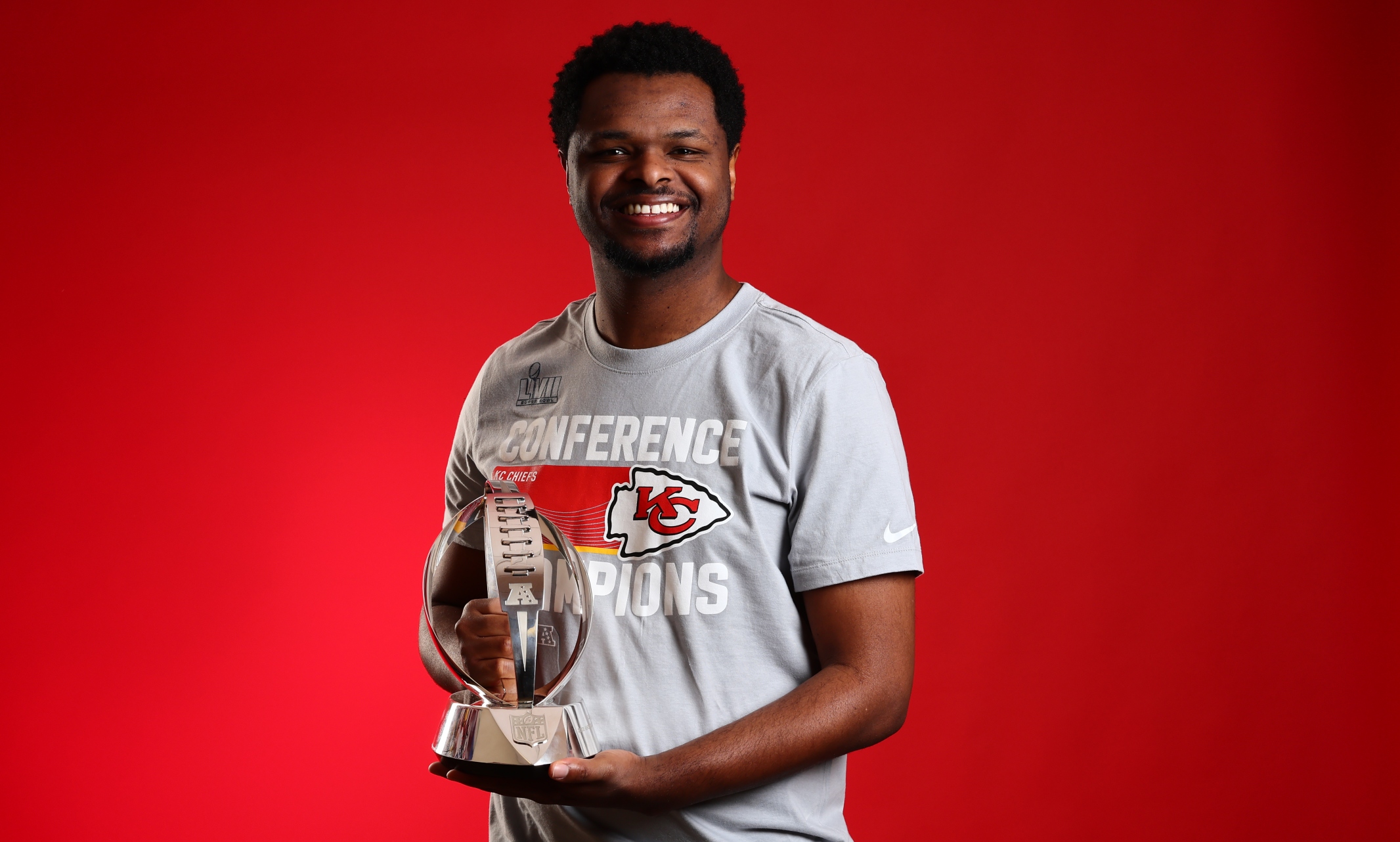
Working for the Super Bowl-bound team was first job for UMKC alumnus
All of Kansas City is cheering for the Chiefs’ Super Bowl victory. Ishmael Shumate, BBA ’20, MBA ’22 will be at the game as a fan and employee.
Why did you choose UMKC? And what made you decide to pursue your MBA?
I was born and raised in Kansas City, and I have always known UMKC has a reputation for excellence and high-quality education. I thoroughly enjoyed my undergraduate experience in and outside of the classroom and wanted to continue my education at UMKC.
How has it helped you pursue your career?
What I learned at UMKC continues to impact me in my career. I continue to use what I learned at UMKC in my day-to-day responsibilities at the Kansas City Chiefs. Another benefit is that the teachers were not only teaching, but truly engrained in the Kansas City business community. This led to a multitude of opportunities and connections throughout my short career.
Working with the Chiefs must be amazing! Tell me how that came about and how your Bloch MBA helped.
I always knew that I wanted to be in the nonprofit sector. While I was pursuing my MBA at UMKC, I was a nonprofit accountant and I learned about the financial components of operating a nonprofit. This helped me to connect with others in this sector and learn more about the management and fundraising components. When I learned about the opening at the Kansas City Chiefs, I had the skills they were looking for in an applicant. I applied, got an interview and the rest was history!
What do you do in your current position?
I am the coordinator of philanthropy and community programming at the Kansas City Chiefs. My job responsibilities include working with the Hunt Family Foundation, player foundations and Kansas City Chiefs community programs.
Last question, are the Chiefs going to win the Super Bowl?
On a daily basis, I see how the players, coaches, trainers and business staff at the Kansas City Chiefs give their all each day. You always want to win, so I hope this hard work will pay off and we will be crowned as champions at Super Bowl LVII!
Feb 06, 2023
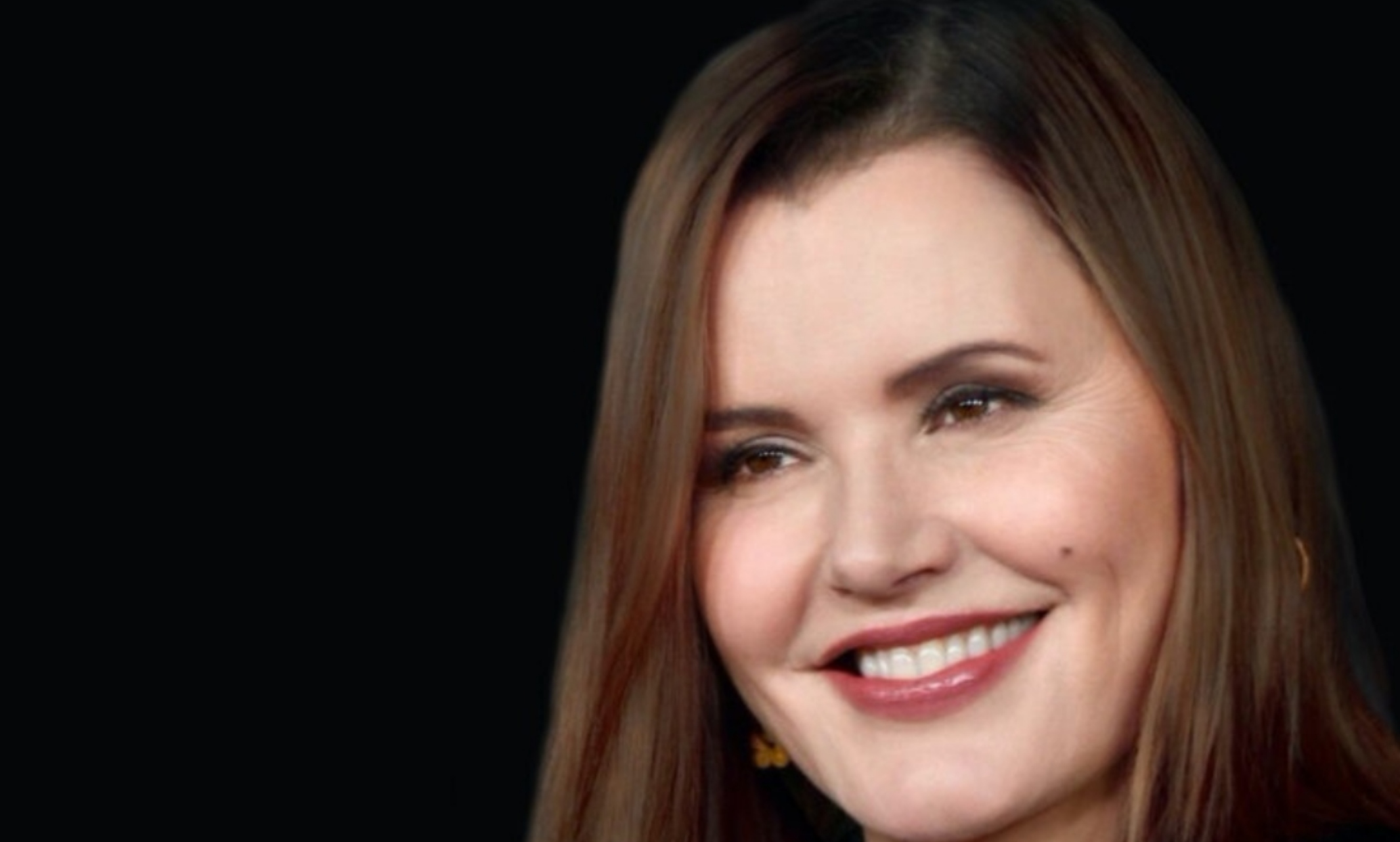
The Starr Women’s Hall of Fame induction to honor extraordinary women who have made their mark on Kansas City
Geena Davis, whose acting and activism have elevated gender parity, will be the featured speaker at the March 21, 2023, induction ceremony for the Starr Women’s Hall of Fame.
Geena Davis Interview on KCUR “Up to Date”
Transcript (DOC)
Download audio
Davis’s award-winning work in television and film and as the founder and chair of the Geena Davis Institute on Gender in the Media has established her as an industry leader in drawing attention to gender equality on screen.
“We are proud and honored that Ms. Davis is headlining this event,” Alicia Starr, co-chair of the hall of fame planning committee said. “She’s a shining example of the achievements that we honor through the Starr Women’s Hall of Fame – community enhancement, leadership and the development of opportunities and recognition for women’s accomplishments, as well as developing resources that further women’s opportunities. Her focus on research and empowering women and girls is directly in line with our objectives in honoring Kansas City’s influential women.”
Davis secured her first film acting role in “Tootsie” in 1982. She has been a working actor since, starring in popular movies like “A League of Their Own” and “Thelma and Louise.” She received an Oscar for her starring role in the “The Accidental Tourist” in 1988 and a Golden Globe for her turn as America’s first female president in the 2005 television series “Commander in Chief.”
In 2019, the Academy of Motion Picture Arts and Sciences honored Davis with a second Oscar, the Jean Hersholt Humanitarian Award, in recognition for her work to achieve gender parity in film and television. Beyond industry accolades, Davis’s work exemplifies the vulnerability and triumph of women’s successes professionally and personally.
The Emmy Awards presented Davis with the Governor’s Award in 2022 for her groundbreaking work with the Geena Davis Institute on Gender in the Media, which she founded in 2004 to create gender balance, foster inclusivity and reduce negative stereotyping within the family entertainment media. The organization uses data-driven research, education and advocacy to empower and inspire content creators to provide inclusive content. In addition, they have developed research tools for content evaluation: Geena Davis Inclusion Quotient (GD-IQ) and Spellcheck for Bias.
This year’s induction event is at the Kauffman Center for the Performing Arts, Tuesday, March 21, 2023, at 4 p.m. Tickets are available through the Kauffman Center for the Performing Arts.
The Starr Women’s Hall of Fame is dedicated to recognizing extraordinary women and preserving the history of their accomplishments. These women are social reformers, volunteers, philanthropists, civic leaders, activists and educators. They are neighborhood leaders and grassroots organizers, from yesterday and today, both famous and unsung. They are movers and shakers whose tireless commitment to community has made Kansas City a better place to live. The Hall of Fame is a repository for their legacies. By sharing their stories, the Hall of Fame encourages and inspires women everywhere. Biographies of the past inductees are available at Starr Women's Hall of Fame.
The Hall of Fame is named in honor of Martha Jane Phillips Starr, a legendary activist and philanthropist who blazed a trail for family issues and women’s rights. The Hall of Fame is made possible through the Starr Education Committee, Martha Jane Starr’s family and the Starr Field of Interest Fund, which was established upon her death through the Greater Kansas City Community Foundation. The idea for the Starr Women’s Hall of Fame stemmed from Starr Education Committee members.
A permanent display honoring Hall of Fame members is open to the public on the third floor of the Miller Nichols Library at the University of Missouri-Kansas City. The library is at 800 E. 51 St., Kansas City, Missouri.
The civic organizations that advocate on behalf of women and family issues and have signed on in support of the Starr Women’s Hall of Fame include: American Association of University Women, American Business Women’s Association, Association for Women Lawyers of Greater Kansas City, Central Exchange, CBIZ Women’s Advantage, Girl Scouts of NE Kansas and NW Missouri, Greater Kansas City Chamber’s Executive Women’s Leadership Council, Greater Kansas City Women’s Political Caucus, Jackson County Missouri Chapter of the Links, Inc.; Junior League of Kansas City, Missouri; KC Metro Latinas, Kansas City Athenaeum, Kansas City Young Matrons, OneKC for Women, SkillBuilders Fund, Soroptimist International of Kansas City, Soroptimist Kansas City Foundation, UMKC, UMKC Women’s Center, UMKC Women’s Council, UMKC Women of Color Leadership Conference, United WE, WIN for KC, win|win, Women Leaders in College Sports, Women’s Public Service Network, Zonta International District 7 and Zonta Club of KC II.
Buy Tickets Now
Feb 01, 2023
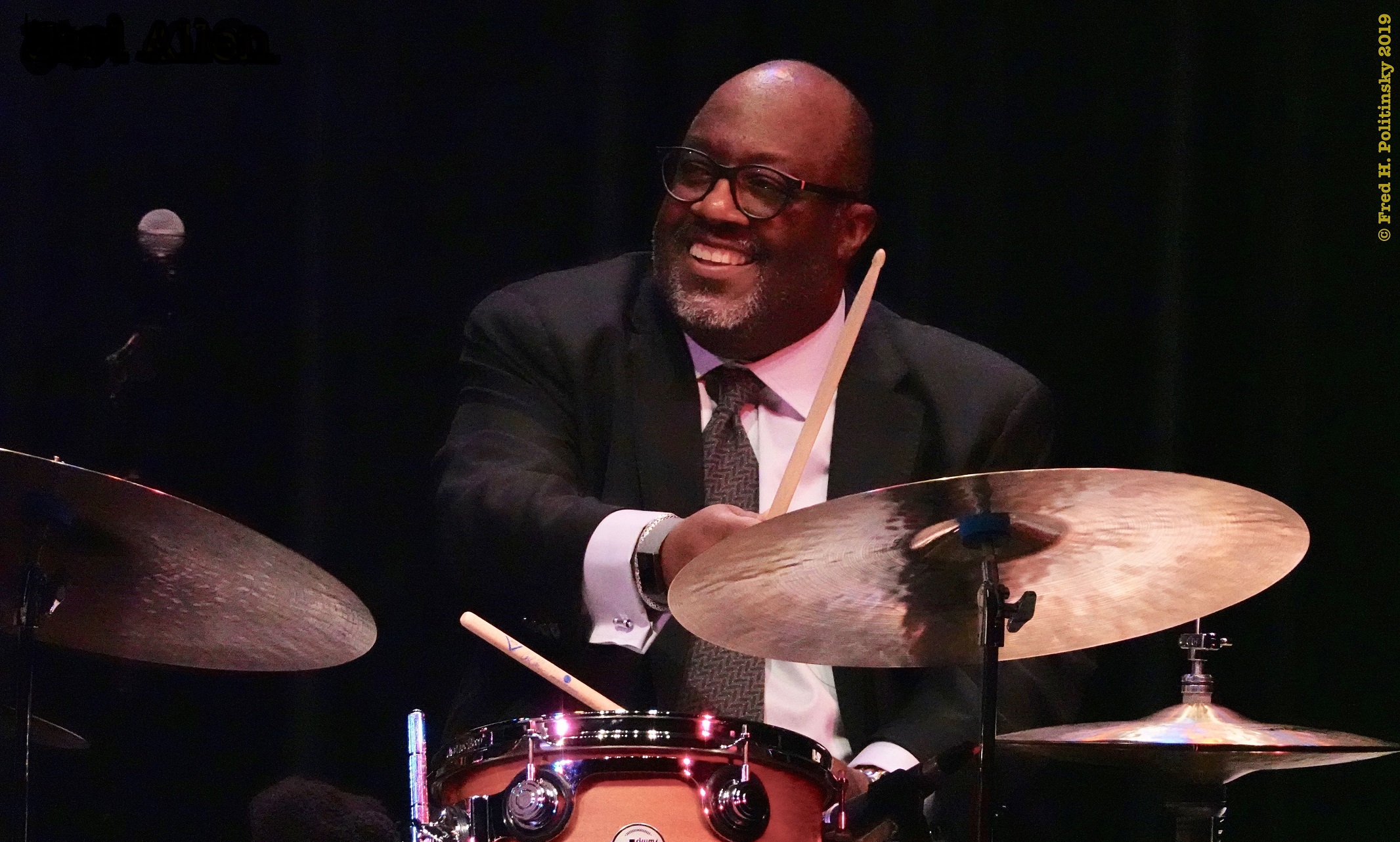
Carl Allen is the drummer on a record nominated for Best Large Jazz Ensemble
Carl Allen, William D. and Mary Grant/Missouri Endowed Professor of Jazz Studies, is the drummer on “Remembering Bob Freedman,” a tribute album to the celebrated music arranger nominated for a 2023 Grammy Award for Best Large Jazz Ensemble.
When asked about the Grammy nomination, Allen said it was a pleasant surprise. His casualness about the nomination could be because he’s been featured on Grammy-nominated ‑ and Grammy-winning ‑ records before. It could also be because Allen’s focus in music isn’t on awards, but the love and community involved in making it.
“Competition and music don’t always go together for me, I don’t like keeping score,” Allen said. “It’s the love and support – all of the awards and accolades should never overshadow the music itself.”
Allen’s belief in community is part of what drew him to teaching. He is in his second year at UMKC; prior to that, he taught at Juilliard for 14 years, including six years serving as artistic director of jazz studies.
“One of the reasons why I’m drawn to teaching is I really enjoy helping young people, “Allen said. “When you see a person who has a gift and burning desire to get better, you want to try and create opportunities for them. I’m trying to create a nurturing environment here where people feel supported.”
The environment is part of what drew him to UMKC. Allen’s predecessor as professor of jazz studies, Bobby Watson, is also personal friend of many years. When Watson retired, Allen knew the opportunity was worth pursuing.
“I knew I wanted to be part of a program that was respected by leadership. When the music is respected, you can get traction to really get things done,” Allen said. “When I came for the interview and met the dean and faculty, I felt that the music was really respected and part of a larger vision.”
“When you see a person who has a gift and burning desire to get better, you want to try and create opportunities for them. I’m trying to create a nurturing environment here where people feel supported.” - Carl Allen
In his time at UMKC, Allen has created more opportunities for students and faculty to be a part of that larger vision. He invites in faculty who may not traditionally be involved in the jazz program so that his students are exposed to more perspectives and teachings. He also brings in guest artists to teach workshops and master classes.
“Professor Allen has played with many of the greats, and he has countless anecdotes and information that he shares with students,” said Pete Fucinaro, UMKC Conservatory graduate student in music. “I don’t think there has been a single musician or record I have mentioned that he has not heard. He is deeply invested in the music and traditions.”
“Part of the jazz tradition is ‘each one, teach one,’” Allen said. “You should always try to help people because other people helped you, it’s how we further the music. Relationships and resources are cyclical, you’ve got to create relationships with people.”
Relationships have contributed to Allen’s success in music, including his most recent Grammy nomination. Allen has played with Ron Carter, legendary bassist featured on “Remembering Bob Freedman,” many times throughout his career. When asked to play with Carter at the Jazzaar Festival in Switzerland in a concert to honor Freedman, he knew he couldn’t pass up the opportunity. He didn’t know it would lead to a Grammy nomination.
“Playing with Ron, that’s history. He’s in the Guinness Book of Records as the world’s most recorded jazz bassist,” Allen said. “When I got the call to play at the festival, there was no talk of an album – it was just the festival and a couple of concerts. They recorded the festival performance and here we are.”
You might think that earning Grammy nominations and wins is a highlight of Allen’s career. But when asked about highlights, Allen told the story of a former student of his who went on to become a professional musician.
“When I think about all of things I’ve done and the people I’ve played with, making an impact on people is just as important to me,” he said. “The way I see it, I’m just a vessel. I’m just an instrument being used to try and help people.”
Jan 31, 2023
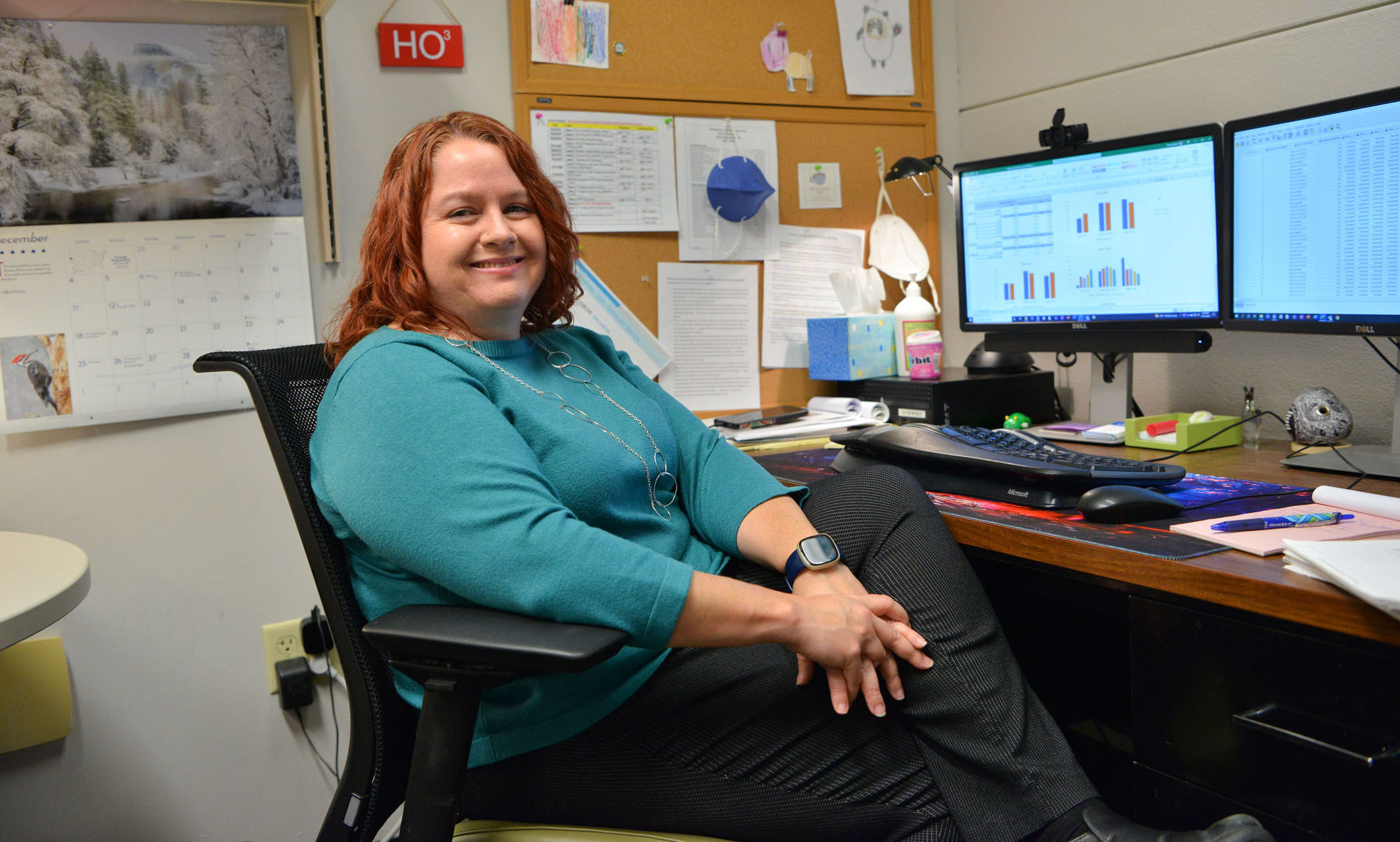
Joanna Scott shares love for numbers and helping people
Early in Joanna Scott’s career, she quickly saw the incredible opportunity dentistry offered her in affecting the health of patients. “I was in pediatric dentistry for a long time,” she said. “You see a 4-year-old child come into a clinic where they already need to have all their teeth extracted because they didn’t have the toothbrush training they needed for proper oral hygiene. It’s heartbreaking and you can really see how big of an impact you can have.”Scott earned her Ph.D. in biostatics from the University of Washington in 2008. She teaches research methodology and biostatistics to UMKC School of Dentistry advanced-education students who have already graduated from dental school and are pursuing specialty certificates in areas such as orthodontics or periodontics. “I grew up loving math, but I really wanted to use math to help people,” Scott said. “Biostatistics was a beautiful marriage of using mathematical skills to directly impact people.”Her students develop the abilities to fulfill the research requirements for their degrees and learn to utilize evidenced-based dentistry with their patients. Evidence-based care enables them to provide their patients with cutting edge care, whether that’s determining the best material or the best technique for any unique case they encounter. Scott’s passion for numbers is attracting recognition by the dentistry profession beyond UMKC. She received the Leaders in Evidenced-Based Dentistry award for Dental, Oral & Craniofacial Research from the American Dental Association (ADA) and The American Association. The national award recognizes significant contributions to the implementation and advancement of evidence-based dentistry.“These are skills the students can use for the rest of their careers,” Scott said. “They’ll be able to evolve with the industry and make connections with the causes of certain diseases while identifying specific risk factors.”
Jan 30, 2023
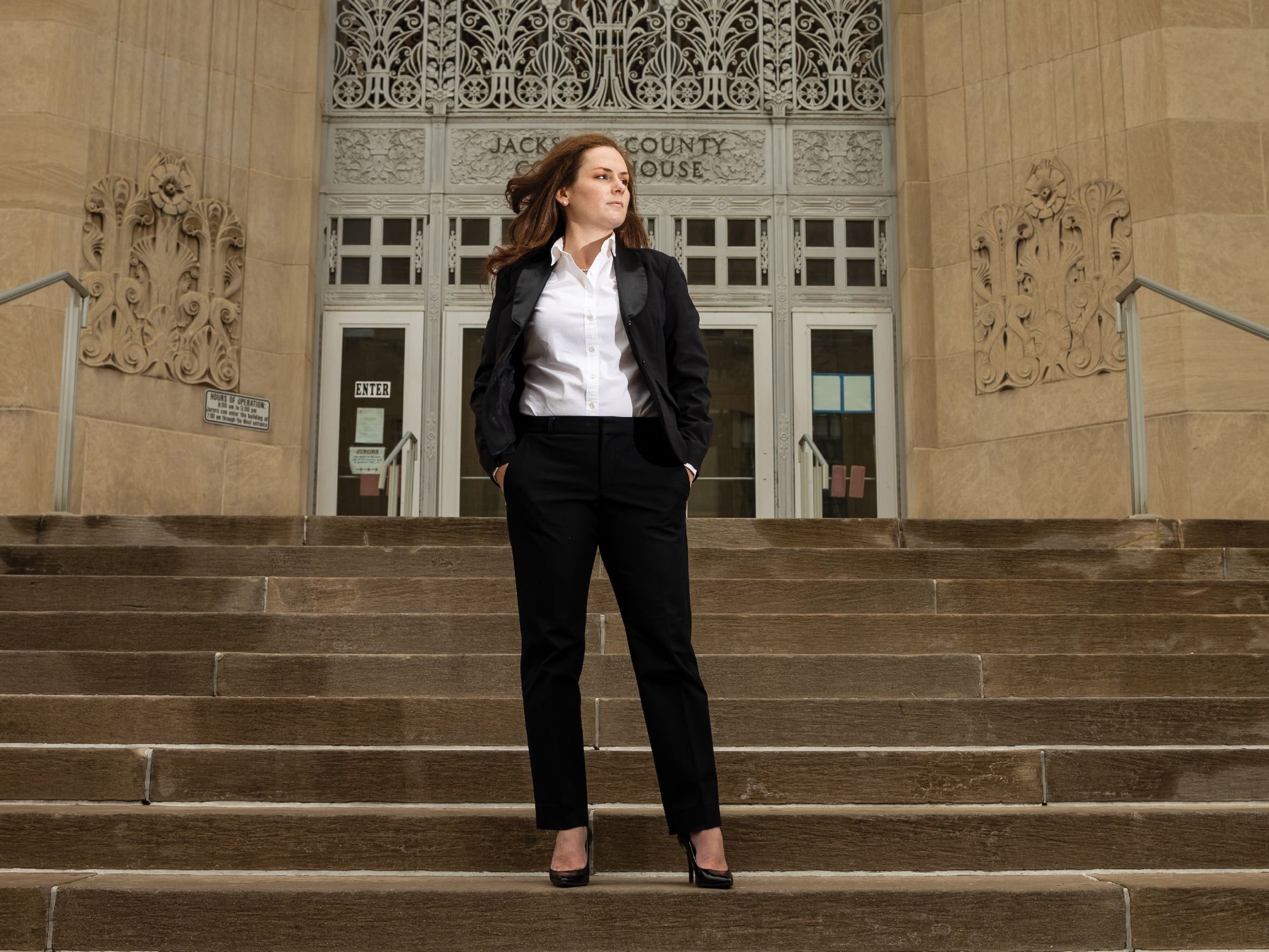
Prosecutor Audrey McCormick continues tradition of strong female advocates
Prosecuting cases involving child abuse and neglect, domestic violence and sex crimes takes a special type of person, according to Audrey McCormick (J.D. ’10).
“I think there are really only two kinds of attorneys when it comes to this subject matter,” McCormick said. “You either want to do it, or you want to stay as far away from it as possible, because it is just something that’s too overwhelming.”
Luckily for McCormick, she’s been able to find balance while pursuing her passion — advocating for children and fighting for victims — while also raising a family and mentoring her staff.
“This work is so important to me,” McCormick said. “If I didn't have it, I think I would just be so bored and unfulfilled that I wouldn't know what to do with myself. I’m happy to continue doing this work for as long as anybody will let me.”
McCormick, a 2020 recipient of the Missouri Bar Foundation’s prestigious Lon O. Hocker Award, began her career as an attorney for the Missouri Children’s Division. Since joining the Jackson County Prosecutor's Office in 2016, she has ascended the ranks to her current role of trial team leader in the special victim’s unit.
McCormick says her professional experience has been shaped largely by the numerous strong female role models she’s encountered as a young lawyer.
“It's a collective, and I think there is a sense of camaraderie between women in the law, particularly,” McCormick said.
McCormick said she’s thankful for those female colleagues who paved the way so young lawyers like herself could focus solely on the quality of their work as opposed to what they might be wearing in the courtroom.
“I can't say that I have ever felt I had to overcome anything other than just a legal argument,” McCormick said. “Maybe that's unique to me. Maybe that is more of a statement on how far things have come in the past decade or so.”
McCormick says she’s heard plenty of stories about women who felt pressure to answer phone calls from the maternity ward or didn’t even disclose that they had children.
“That's the type of stuff that I had heard from some of the older generations of female attorneys — you show no weakness. You work like you don't have a family. And you basically have to try to outwork all the men — and then some — in order to get ahead.”
Now a mother of three and mentor in her own right, McCormick feels compelled to provide that same level of support she received to upcoming young female attorneys in her unit.
“The majority of what I do right now is mentorship — supervising my staff and ensuring that they are supported in the work that they do, because it's obviously very important, but it is also very hard,” McCormick said. “I try to be mindful of that same thing — that work-life balance. There are attorneys working so hard that we'll have to say, ‘I think you are on the fast track to burnout.’ We try to prevent that from happening, too, because we like to keep good attorneys in the unit and in the office. We've got a lot of really passionate, really great attorneys that we work with.”
McCormick continues, “It’s nice to be able to step into those shoes and hopefully do as good of a job as my bosses have done for me in the past.”
One of McCormick’s current supervisors, Jill Icenhower, chief trial assistant of the special victim’s unit for the Jackson County Prosecutor’s Office, said McCormick’s “unmatched ability” in preparing children for trial sets her apart from her peers. Most often, those children are being brought in to talk about horrific experiences of abuse, so they're often terrified to come into a courtroom.
“She has got this innate ability to talk to children and make them comfortable and really relate to them and explain to them how a trial's going to work,” Icenhower said. “She shows them around the courtroom, and she meets them at their level and uses language that they can understand. She walks them through the entire process until they feel comfortable with what's going to be happening and does it in such an empathetic manner.”
Icenhower continues, “I've watched her do closing arguments that are astounding. But it is those quieter moments in watching her prepare a child for trial and seeing a child relax and feel like, ‘I can do this now.’ That, to me, is the hallmark of a fantastic attorney. You can't teach that to someone.”
Icenhower said that McCormick’s ability to relate to kids is so well known that she is routinely asked to go to trial by people outside of the special victim’s unit in cases involving child witnesses.
“It's just something to behold,” Icenhower said. “I know that one of the judges, after watching Audrey do a direct exam of a child, told her afterward that it was one of the best direct exams he has ever seen done in a trial.”
Navigating the heavy emotional toll of this type of work can be challenging, and that’s something McCormick has learned to manage over the years.
“I have a little compartment in my brain, and that's where that stuff goes, for the most part,” McCormick said. “Now, are there days where it is overwhelming? Absolutely. Are there days where you want to give up because the system is overwhelming, and it doesn't seem like you're making enough progress? You're not getting what you want to see happen for these victims. Of course, all of those things happen.”
McCormick stresses the importance of having a strong support system in place to serve as a safety net, especially in the inevitably difficult moments.
“You've put all this time, all this effort, all this emotion into your case and your victims, and you just pour your soul into it,” McCormick said. “If it doesn't go your way, that is crushing for a lot of trial attorneys. Having that support system there — family, friends, colleagues — is crucial to help build you back up and continue to work in this field, if that is what you're passionate about.”
Win or lose, McCormick says she marks the end of each trial in much the same way.
“I go home, I take off my trial attorney hat, I put my mom hat on, I put a smile on, and I have a good weekend with my family.”
Jan 27, 2023
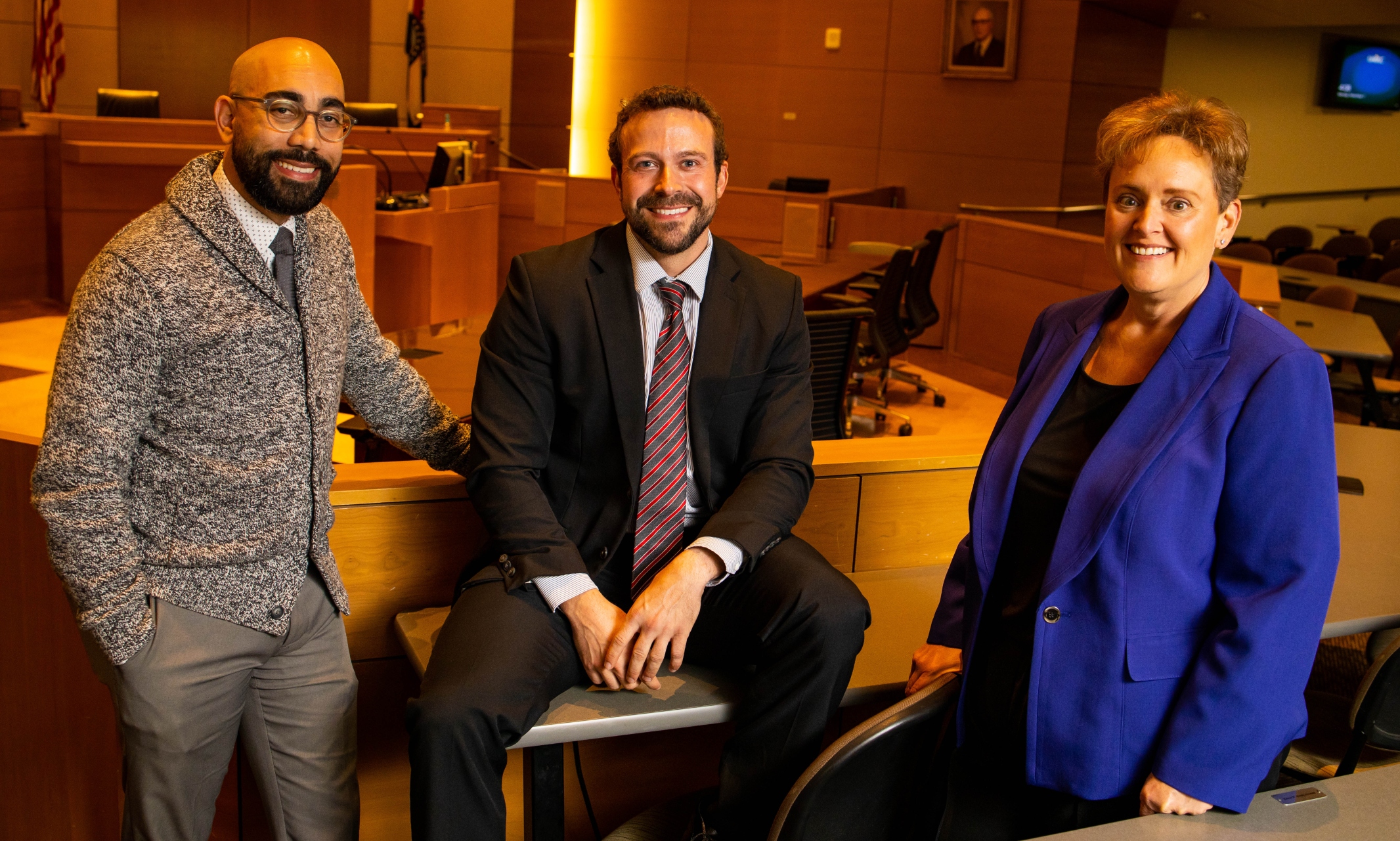
Alumni reflect on how mock trial prepared them for courtroom success
For many students at the University of Missouri-Kansas City School of Law, getting involved on campus helps to lay the groundwork for a successful career. For many alumni, getting involved in mock trial competitions during their time at UMKC has made for an especially easy transition from the classroom to the courtroom.
Anthony McDaniel (B.A. ’11, J.D. ’15) and Jared Frick (J.D. ’15) are two such alumni whose experience in mock trial prepared them for their practice today. Both competed on UMKC’s National Trial Advocacy Team, or mock trial, as it’s commonly known.
The team is a part of the UMKC School of Law Trial Advocacy Program, which is consistently ranked among the nation’s best by U.S. News & World Report, this year ranking #31 – up 23 places from 2021.
The program is designed for students who want to be a trial attorney and want to learn how to effectively represent clients in a courtroom environment without the pressure of a verdict.
McDaniel, now an attorney at Guin Mundorf, LLC in Kansas City, said his time on the team taught him skills he will carry with him for the rest of his life, both in his career and everyday interactions.
“In trial team, they teach you how to think like a lawyer. Then they teach you how to use those skills and present like a lawyer,” McDaniel said. “What makes a good trial attorney is the ability to capture a lot of information and then break it down to present it to someone in a way that is relatable and to take it to the next level — make it persuasive. That’s exactly what mock trial teaches you.”
McDaniel first became involved in mock trial competitions during his undergraduate years. That experience helped spark his interest in applying to law school. He described his time in UMKC's undergraduate mock trial as preparation for law school competitions.
“In trial team, they teach you how to think like a lawyer." - Anthony McDaniel
“It teaches you how to talk like a lawyer and how to present like a lawyer, whereas in law school, you get down to the finer points about courtroom presentation and rules,” McDaniel said. “But I always just loved the idea of standing in front of people and trying to persuade them to see things my way.”
Much the same can be said about his former teammate and friend, Frick, who was recently appointed partner at Young, Kuhl & Frick, LLC in Lee's Summit.
“What drew me to (mock trial) was the theatrics of it all. I was a musical education major for my undergrad, so I was into musical theatre and marching band and enjoyed the entertainment factor of everything,” Frick said.
Frick competed in the Last Team Standing Competition, the initial exposure first-year law students get to a mock trial environment, and he knew it was something he was going to continue.
“It was really helpful because when you enter the unknown of having to talk to opposing counsel or a client or presenting evidence, it can be nerve-racking,” Frick said. “So, participating in mock trial took the mystery out of that and showed me that there really is no magic formula to it – it just takes practice.”
The two went on to compete in several competitions, including the National Trial Competition. The competition, established in 1975, is the oldest and most prestigious trial competition in the country.
UMKC School of Law has attended the national tournament multiple times over the past ten years. The competition attracts more than 140 law schools and involves more than 1,000 law students each year. Students are judged on opening statements, direct examinations, cross examinations and closing arguments.
“You learn how to tell a story,” Frick said. “You learn how to craft a theme and theory in a case and how to hit that throughout your case. You learn how to control your witness and how to not ask questions you don’t know the answers to. You learn the appropriate impeachment techniques. That all translates into real life and real practice once you graduate.”
Their team was coached by Michaelle Tobin, clinical professor of law at UMKC. She has coached mock trial for the past ten years. Tobin said the competition looks like a “mini version of a real trial without the real-life pressure of client representation.”
Each team is given a case file to study and rehearse for six weeks. Tobin said teams practice and refine their arguments over that time, as well as scrimmage with one another. Competitions last about three hours from start to finish.
Tobin said the whole process is directly designed to prepare students for the professional world.
“Knowing how to analyze a case, knowing how to compose an opening and closing statement, how to do a direct and a cross – all of those are skills that you are going to directly use in ligation,” Tobin said. “We take it from opening to close, but what you learn about how to present yourself in the courtroom — how to ask questions, how to analyze a case — can effect everything that you do even if you never try a real case in front of a jury.”
Tobin said one of the most important lessons mock trial competitions teach students is the importance of listening.
“When you get into practice and you have real clients, if you don’t listen to them, you are never going to be a good attorney. Listening is an essential skill, even in mock trial, where you don’t have a client but you have a teammate, a witness and a judge,” Tobin said.
Frick said Tobin is the one who taught him that.
“She taught me how to be a more active listener and not just think about what I’m going to say next. You see that a lot in trials, and everyday life, where someone immediately responds when you make a statement. In the courtroom, if you are focusing on your next question, you are going to miss something,” he said.
"In the courtroom, if you are focusing on your next question, you are going to miss something.” - Jared Frick
For him, McDaniel said mock trial was all about understanding that being in the courtroom is more than just a show.
“A lot of people think it’s all about public speaking or presentation, but I think if you talk to most of us who participated in trial team, they will say that’s a peripheral skill. It’s more about the desire to help people and the ability to understand people,” McDaniel said.
In addition to listening, Frick said one of the most important things mock trial taught him that he frequently utilizes today is “rules of evidence and how to handle evidence.”
“Not only did I learn the full grasp and understanding of it, but it also helped me understand how to get things into evidence and how to make appropriate objections. I think a lot of young lawyers who are right out of school struggle with that, and I see it in the courtroom,” Frick said. “Because I had that experience in mock trial, right after graduation I felt really comfortable in the courtroom.”
McDaniel said his experience “unquestionably” made him into the trial attorney he is today.
“One of the things I love about being a lawyer is that we’re problem solvers before we’re anything else. Trial team really taught me, whether I’m putting together a grill at my house or I’m in a courtroom, it’s about taking a complex issue and breaking it down and building it back up. If you can understand the pieces, you can build anything.”
McDaniel said he uses that method of thinking – breaking down information and rebuilding it – in his time now as an undergraduate mock trial coach and adjunct trial advocacy professor.
“I love being able to share the things I learned and pass that on. I have had so many students who come up to me and say, ‘I loved what we talked about because I used it an interview, and it helped me get a job recently.’ That’s the kind of thing I’ve had the opportunity to pass on, and it feels really great.
Jan 27, 2023
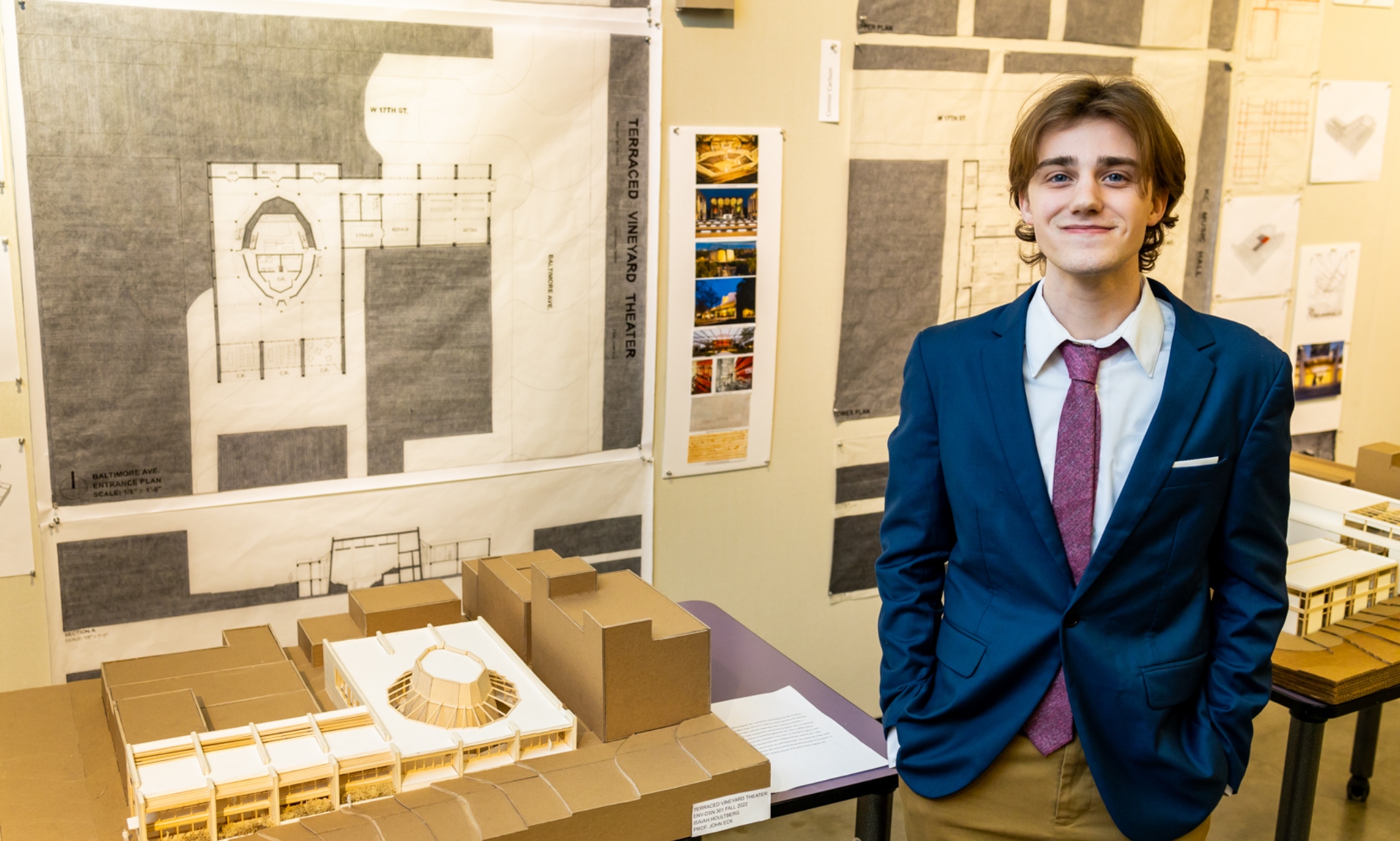
Helix Prize offers students challenges, opportunity
Roos don't just dream, they do. Our students turn ideas into action every day. Get to know our people, and you'll know what UMKC is all about.
Isaiah HoultbergAnticipated graduation: 2023Academic Program: Architectural StudiesHometown: Salina, Kansas
Isaiah Houltberg is this year’s winner of the annual UMKC Architecture and Urban Planning and Design Helix Prize competition and scholarship grant.
Every fall, Helix Architecture + Design sponsors the Helix Prize, a competition and scholarship for UMKC second-year Architectural Studies students. Professor John Eck teaches the studio, and faculty and members of the architectural professional community judge the competition. This year’s competition was to create a design for the “Kansas City Experience Music Project,” a concept based on a similar project in Seattle.
Houltberg has been interested in architecture as a child and had the unique opportunity to take architecture and drafting in high school that inspired him to pursue the field in college and as a career.
Houltberg and John Eck, practicing architect and associate teachng professor
Why did you choose UMKC?
I chose UMKC for its urban setting and its architecture program. UMKC has a sister program with Kansas State University. We did our first two years at UMKC and 3 years at KSU.
What are the challenges of the program?
Architecture is a very demanding program. On top of regular project deadlines and assignments, I commit many out of school hours to work. I will often spend all day in the studio and come in on the weekends. A higher-level understanding of design is also a challenge, whether that is coming up with three different design ideas in studio or creating a case study of a building. But at the end of the day, I enjoy it and it’s worth it.
What are the benefits of the program?
It's a very unique five-year fast track program, which is nationally recognized as one of the best. Plus, the added benefit of doing the first two years at UMKC is its urban setting.
How has your college program inspired you?
Seeing how much hard work it takes to be successful has really encouraged me to keep pushing through no matter how stressful it can get.
Since entering college, what have you learned about yourself?
Personally, I have used my experience so far to refine some of my learning strategies. I have been able to figure out where I excel and lack in when it comes to how I learn.
Are you a first-generation college student?
I am a second-generation college student. Seeing my extended family take their education in directions that they genuinely love and enjoy encouraged me to pursue an education.
Who do you admire most at UMKC?
I admire my architecture professors for their professionalism and the unique knowledge and views they bring to every lesson. Also, I admire my classmates’ creativity and talent and their perseverance to stay in such a challenging program.
What other extracurricular activities are you involved in at UMKC?
I am the head lifeguard at the Swinney Center.
What do you hope to take from your experiences at UMKC into your professional career?
Personally, I want to take the views and experience from the professors who work in an urban setting. I think this helps further my understanding of architecture and satisfy myself as a designer and architect.
Jan 24, 2023
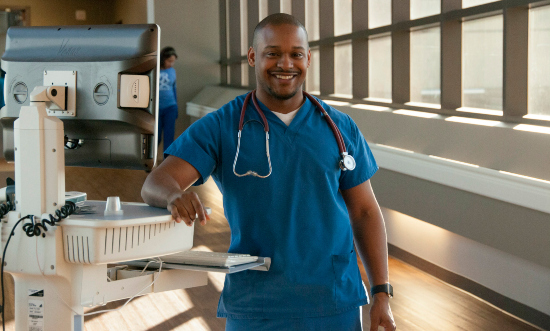
U.S. News ranks online master’s program nation’s 11th best
The online master’s program in nursing at the University of Missouri-Kansas City has been ranked among the nation’s best for military veterans by U.S. News & World Report.
The rankings released today placed the program offered by the UMKC School of Nursing and Health Studies at No. 11 in the nation.
“Veterans and active-duty service members gain the most from distance education that is affordable, accessible and reputable,” the organization stated. “The 2023 Best Online Programs for Veterans rankings measure these factors in consideration of financial benefits available specifically to people with military experience.”
The full list of U.S. News rankings is available at www.usnews.com/online.
“We are extremely proud that our programs have once again been recognized for educating top quality nurse practitioners and nurse educators. Only an exceptional faculty and strong community support can make that happen year after year,” said Joy Roberts, interim dean of the school. “The ranking for veterans demonstrates our commitment to serving those who have served all of us.”
The program’s overall ranking was unchanged from last year, remaining in the nation’s Top 50 programs at 46th in the U.S. – the 11th consecutive year the program has been ranked among the nation’s Top 50. The nursing category included 203 different schools.
To qualify, programs must have “performed well enough on a multitude of factors – including program reputation, faculty credentials, retention rates and graduate debt loads – to earn a qualifying Best Online Programs ranking.”
The UMKC School of Nursing and Health Studies is a pioneer in distance-learning programs, offering online advanced degree programs since 2002. The programs offer busy professionals a high-quality but convenient way to further their careers and meet the needs of an evolving health care system.
Online students are expected to participate in online discussions as if they are present in the classroom. Technology offers two-way communication in real time via multiple modes. Students also experience on-site learning through summer institutes where they are required to attend clinical training or dissertation work sessions, and deliver presentations to classmates and faculty.
UMKC offers a variety of online graduate nursing tracks, including Master of Science in Nursing (MSN) and other options:
Adult-Gerontology Primary Care Nurse Practitioner (AGNP)
Family Nurse Practitioner (FNP)
Neonatal Nurse Practitioner (NNP)
Nurse Educator (NE)
Pediatric Nurse Practitioner (PNP) Primary Care and Acute-Care (AC PNP)
Psychiatric Mental Health Nurse Practitioner (PMHNP)
Women’s Health Nurse Practitioner (WHNP)
Ph.D.
Doctor of Nursing Practice (DNP)
Jan 23, 2023
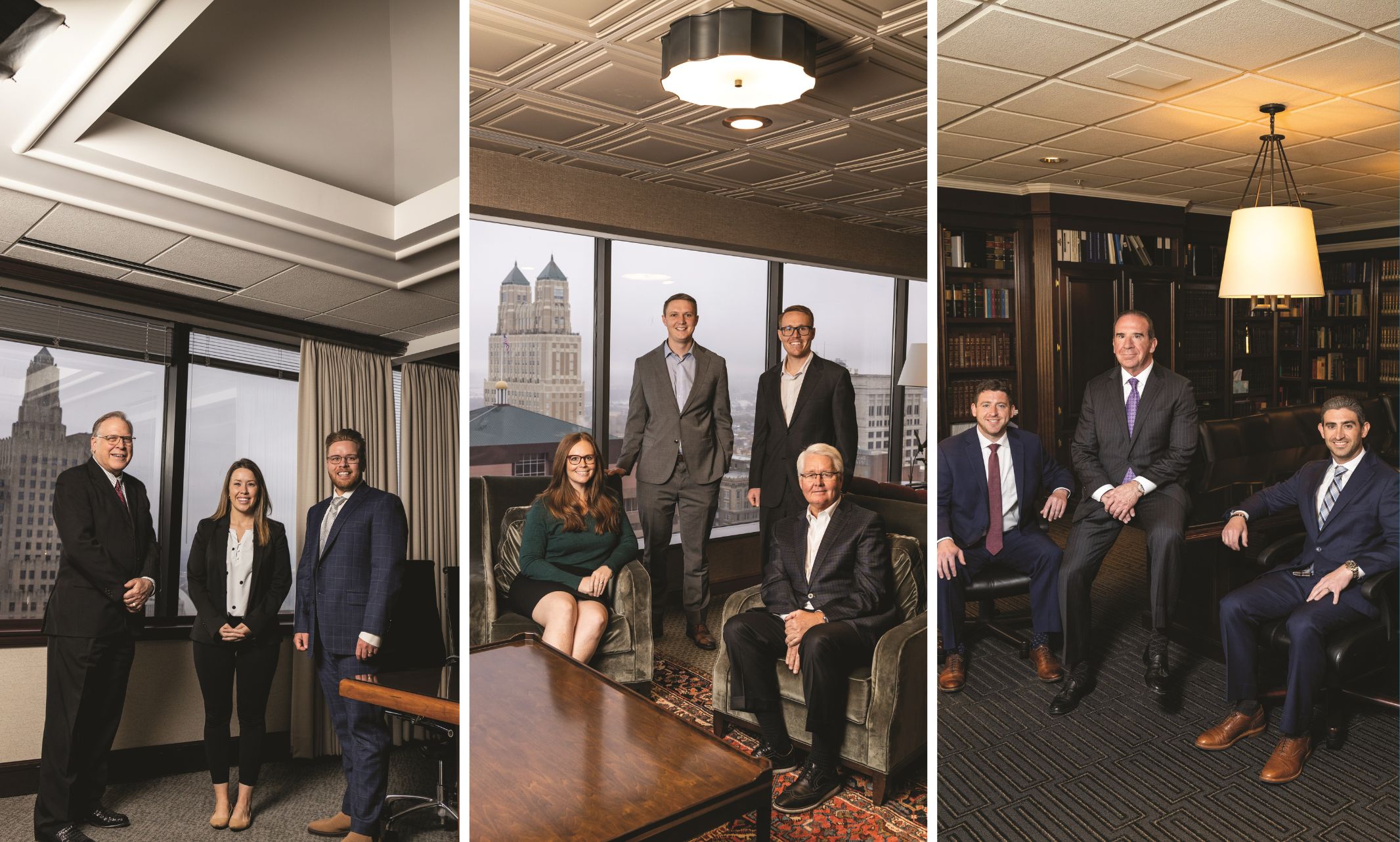
Families graduate from the Trial Advocacy Program and make their careers right here in Kansas City
Kansas City is known as the City of Fountains, as a soccer city and, of course, for its barbecue. But to many UMKC School of Law alumni, it is also known for being a great place to practice law.
The Trial Advocacy Program is elite, evidenced by competitive mock trial and moot court teams, and many alumni credit the city and the people for its success. We talked to three legacy families about what makes the Trial Advocacy Program so successful and why they’ve made law school at UMKC a family tradition.
Dollar Family
For the Dollar family, practicing law is a family affair. Tim (J.D. ’84) is a founding partner at Dollar, Burns, Becker and Hershewe. His son Joshua is currently in his third year of law school at UMKC. Two of his children, Lauren (J.D. ’17) and Jordan (J.D. ’19), have joined the practice within the last few years. The firm also boasts UMKC alumni in founding partner Tim Becker (J.D. ’91), whose son Josh Becker (J.D. ’15) is also a partner in the firm.
The Dollar family’s start with the legal profession began when Tim was a child and spent several summers in the office of his father’s attorney, Max Foust (J.D. ’54). Little did he know at the time, his journey through law school would open the same opportunity to many students down the road.
At the time Tim attended UMKC, the Trial Advocacy Program was limited to 12 students. He felt strongly that the program should be expanded to accommodate more students. After graduation, he and several classmates took action.
“We designed an expanded Trial Advocacy Program that would involve members of the legal community serving as adjunct professors — free of charge — to make the program available to any student who wanted to experience Trial Advocacy,” said Tim. “To our shock, the faculty adopted that program. That was the first time the Trial Advocacy Program expanded, and now it’s really made its mark nationally with all the work that’s been done since then.”
Lauren, Jordan and Joshua are three such benefactors of the expanded program. Lauren participated in the 1L Mock Trial Competition, Mock Trial team, and took moot court and trial advocacy classes. Jordan also took part in the 1L Mock Trial Competition, continuing with the team through his 2L and 3L years. Joshua took first place at that same 1L competition in 2021. They credit these experiences with preparing them for practice.
“You may get a great education somewhere, but you have to marry it with practical experience. Everything from trial skills, to moot court to negotiation — I think UMKC has set themselves apart in their focus on practical experience.” - Tim Dollar
“I felt like the competitions, both the oral arguments for moot court and the mock trial competitions, really helped develop my skills in trial advocacy,” said Lauren. “They were able to teach me more than I could learn in just a class. I’m very thankful for both the classes and the competitive side that gave you even more experience.”
Jordan added, “I feel like the competitions especially provide an opportunity to develop and hone your skills in ways that I don’t think are available in a classroom setting. Dealing with a case over a semester provides experiences that translate directly to practice more than any class I took.”
“You may get a great education somewhere, but you have to marry it with practical experience,” said Tim. “Everything from trial skills, to moot court to negotiation — I think UMKC has set themselves apart in their focus on practical experience.”
In addition to practical skills, the ability to build lasting relationships in the community is what drew the Dollars to UMKC.
“The alumni of the Trial Advocacy Program are invested in preparing the next generation for the practical world,” said Lauren. “They give back in teaching and educating our students. So not only do you get to network with these great attorneys and judges, but they’re the ones teaching you and making sure you’re prepared.”
“My advice to anyone, as it was to my kids, is if you want to practice in the KC area, then UMKC is the place to be,” said Tim. “In addition to academics and practical experience, you are encouraged to plug in with the legal community. You can start to develop those relationships while in law school, and I think you’re miles ahead of someone who might go to an Ivy League school and then drop into Kansas City without having that network.”
Accurso/Dickinson Family
Lou Accurso (J.D. ’81), founding partner of The Accurso Law Firm, knew in high school that he would become an attorney.
“I was influenced heavily by the Watergate hearings,” said Lou. “Those were broadcast my senior year, and I remember seeing these amazing senators and committee members who were all lawyers. It was captivating the way they could ask questions and follow up on investigations.”
Lou may have been the first of the Accurso family to attend UMKC School of Law, but he certainly wasn’t the last. His sister, Tammy Dickinson (J.D. ’98), nephew Michael Accurso (J.D. ’96) and sons Christopher (J.D. ’14) and Patrick (J.D. ’18) are all alumni.
The school’s numerous opportunities to get practical experience is part of what drew them all to UMKC.
In Christopher’s case, it changed his plans entirely.
“When I went to law school, I wanted to get my law degree and be some sort of sports agent,” he said. “Then a good friend, unbeknownst to me, signed me up to be his partner for the first ever 1L Mock Trial Competition. We had a blast, and that was the end of my Jerry McGuire moment.”
Lou, Tammy and Christopher all worked in the Jackson County Prosecutor's Office immediately after graduating law school. Tammy and Christopher credit the Trial Advocacy Program for preparing them for the courtroom.
“For me, the biggest tool UMKC offered was the prosecutor’s clinic (now called field placement),” said Christopher, who now works at The Accurso Law Firm. “I got my Rule 13 certification and spent a year and a half interning at the prosecutor’s office. I was trying bench trials and handling dockets and really using those tools I learned in mock trial in the real world. I had a lot of facetime with judges and attorneys, so by the time I graduated and got hired on, I was able to step right in.”
"....a good friend, unbeknownst to me, signed me up to be his partner for the first ever 1L Mock Trial Competition. We had a blast, and that was the end of my Jerry McGuire moment.” - Christopher Accurso
Tammy, former U.S. Attorney for the Western District of Missouri, added, “It’s almost like you have a head start on everybody who didn’t do that — especially if you want to be a trial attorney. I started interning under Rule 13 as soon as I could.”
For Lou, that real-world experience came in the form of trial practice, a course started by then-Dean Patrick Kelly that gave students the opportunity to prepare and conduct jury trials in insurance cases leading to binding verdicts.
“It was irreplaceable,” said Lou. “As a matter of fact, it even helped me on the bar exam. One of the questions they asked was to draft a lawsuit and include all the claims and parties. If I hadn’t practiced it, I don’t think I would have known what to do.”
Practical experiences, both in and out of the classroom, help form relationships that last through a career.
“My dad always told me that it's best to go to law school where you want to practice,” said Christopher. “I knew UMKC would give me plenty of opportunities to work with actual practicing attorneys. That’s one aspect of UMKC I really like; you have practicing attorneys giving you real world advice and experience while teaching you in your classes.”
Hobbs Family
The Hobbs family’s law school legacy begins with J.R. Hobbs (J.D. ’81), founding partner of Wyrsch Hobbs & Mirakian, P.C. and an adjunct professor. J.R.’s son and daughter-in-law Jackson Hobbs (J.D. ’18) and Sarah (Kanoy) Hobbs (J.D. ’18) followed. J.R. credits the environment at UMKC for fostering meaningful relationships that translate into effective networks in the legal community.
“I think there’s a collegial atmosphere that permeates the school,” said J.R. “People want to do well, but they want to do it parallel to each other and not stumble over each other. In the end, it’s about relationships.”
The Hobbs family is unanimously of the opinion that’s what sets UMKC School of Law apart: the relationships you build while in school.
“Those relationships you’re building in law school are the same relationships you’ll build on in practice. It is immeasurably beneficial.”
- Sarah (Kanoy) Hobbs
Those relationships are of particular benefit to students in the Trial Advocacy Program due to the geographic location of the school.
“We straddle two different districts in federal court that also happen to be in different federal circuits,” said Jackson. “If you want to practice here, there’s no better place to go to law school and get real-world experience. The proximity to a city like Kansas City just can’t be found anywhere else.”
As a legacy student, UMKC School of Law had always been on Jackson’s radar. But he said there were two primary reasons he was drawn to UMKC: the networking possibilities to start a career in Kansas City and the opportunities to participate in various mock trial and moot court activities. In his first year, he participated in the Last Team Standing Trial Advocacy Competition. Following that experience, he joined the trial team in his second and third years for competitions across the country, including the National Trial Competition and Tournament of Champions. Jackson also competed in the school’s Ellison Competition and on the national moot court team.
J.R.’s sons Jackson and Eric both married UMKC Law graduates: Eric met his wife Molly (Callender) Hobbs (LL.M. ’14) when they were attending law school at the University of Denver. Jackson (J.D. ’18) and his now wife Sarah (Kanoy) Hobbs (J.D. ’18) met at UMKC School of Law. Like Jackson, Sarah participated in the trial team. As the first in her family to go to law school, she didn’t have the background to understand how beneficial UMKC’s competitive teams could be for her as she looked at different law schools. The relationships among alumni are what drew Sarah to UMKC.
“That was one thing that struck home with me — the people that you’re going to be practicing with when you leave law school — there’s a good chance that they went to UMKC,” Sarah said. “Those relationships you’re building in law school are the same relationships you’ll build on in practice. It is immeasurably beneficial.”
Jan 20, 2023

The state-of-the-art facility will position the district as a premier academic medical district and help propel health-care equity in the region
The University of Missouri-Kansas City announced a $15 million gift from the Hall Family Foundation, which will help fund an innovative new medical and dentistry building in the UMKC Health Sciences District.
The university has secured $95 million toward the $120 million cost of a new Healthcare Delivery and Innovation Building on the corner of 25th and Charlotte.
The new building will enable UMKC to provide leading-edge health-care education, attract top students and researchers and advance care for disinvested populations. In addition, the project will serve as a catalyst for developing the UMKC Health Sciences District into a major regional academic medical center that can generate billions of dollars in jobs and economic impact for the Kansas City region.
The new multi-story building will house dental teaching clinics and expanded medical school teaching facilities. In addition, it will provide space for the UMKC Health Equity Institute, the university’s Data Science and Analytics Innovation Center and its new Biomedical Engineering program.
"We are grateful to the Hall Family Foundation for its investment in our students and the Kansas City community,” said UMKC Chancellor Mauli Agrawal, Ph.D. “The Healthcare Delivery and Innovation Building will further solidify the UMKC Health Sciences District as a national leader in medical education and health care as well as support our mission of increasing health equity in the Kansas City region and beyond.”
U.S. News and World Report listed the UMKC School of Medicine as one of the top medical schools in the nation for primary care and it was the highest-ranked in Missouri in 2023. Its graduates practice in 71 counties in the state and its students and faculty members provide thousands of hours of free health screenings and services each year. The new building will provide advanced technology to enhance physician training and provide more doctors to meet a critical need of providers in the region. It will also house the new biomedical engineering program, providing proximity with doctors and engineers to support the innovation of new medical technologies.
The UMKC School of Dentistry is the only public dental school in the state of Missouri and is a major low-cost provider of dental care in the region. UMKC dentistry students serve more than 13,500 community members each year and provided more than $630,000 annually in free dental care to community members at its clinics from 2016-2022. The new building will allow UMKC to see more patients and update the technology at the clinics to streamline care and create more efficient visits for patients and provide industry-leading education to students. In addition, the new space will increase ADA accessibility for patients with physical limitations.
Furthermore, the building will house major community outreach and research initiatives, such as the UMKC Health Equity Institute, designed to identify and address health disparities, and the Data Science and Analytics Innovation Center, which supports innovation in personalized health care.
“The Healthcare Delivery and Innovation Building will provide immeasurable benefit to the Kansas City community for generations to come, and we are proud to support it,” said Mayra Aguirre, president of the Hall Family Foundation. “Our Foundation’s mission is to support and fund projects that enhance the quality of human life for all Kansas Citians. This new building will enable UMKC to expand its important work in equitable and inclusive health-care delivery and we are inspired by the collaboration between UMKC, Children’s Mercy Hospital and University Health that improves the lives of people in our community.”
The latest gift to UMKC is not the first investment the Hall Family Foundation has made in the UMKC Health Sciences District. In 2018, the organization provided $75 million in funding for the Children’s Mercy Research Institute dedicated to pediatric medical research.
Gov. Mike Parson signed legislation in July from the state of Missouri that appropriated $40 million for the UMKC Healthcare Delivery and Innovation Building, contingent on a funding match. Since then, UMKC has received $30 million from the Sunderland Foundation, $15 million from the Hall Family Foundation, and $10 million in federal funding secured by Sen. Roy Blunt for a total of $95 million to date.
“UMKC is a leader in the Kansas City community and that is thanks, in large part, to the support of our partners. We are thankful they share in our vision of creating a cutting-edge health-care hub that will provide state-of-the-art care to everyone in our community,” said Amanda Davis, chief advancement officer and president of the UMKC Foundation.
Formed in 2017, the UMKC Health Sciences District is a partnership among UMKC and 12 neighboring health-care institutions. The district houses the UMKC schools of Dentistry, Medicine, Nursing and Health Studies and Pharmacy in a single, walkable campus, allowing for greater interprofessional training and research collaboration.
Learn more about the Healthcare Delivery and Innovation Building.
Jan 19, 2023
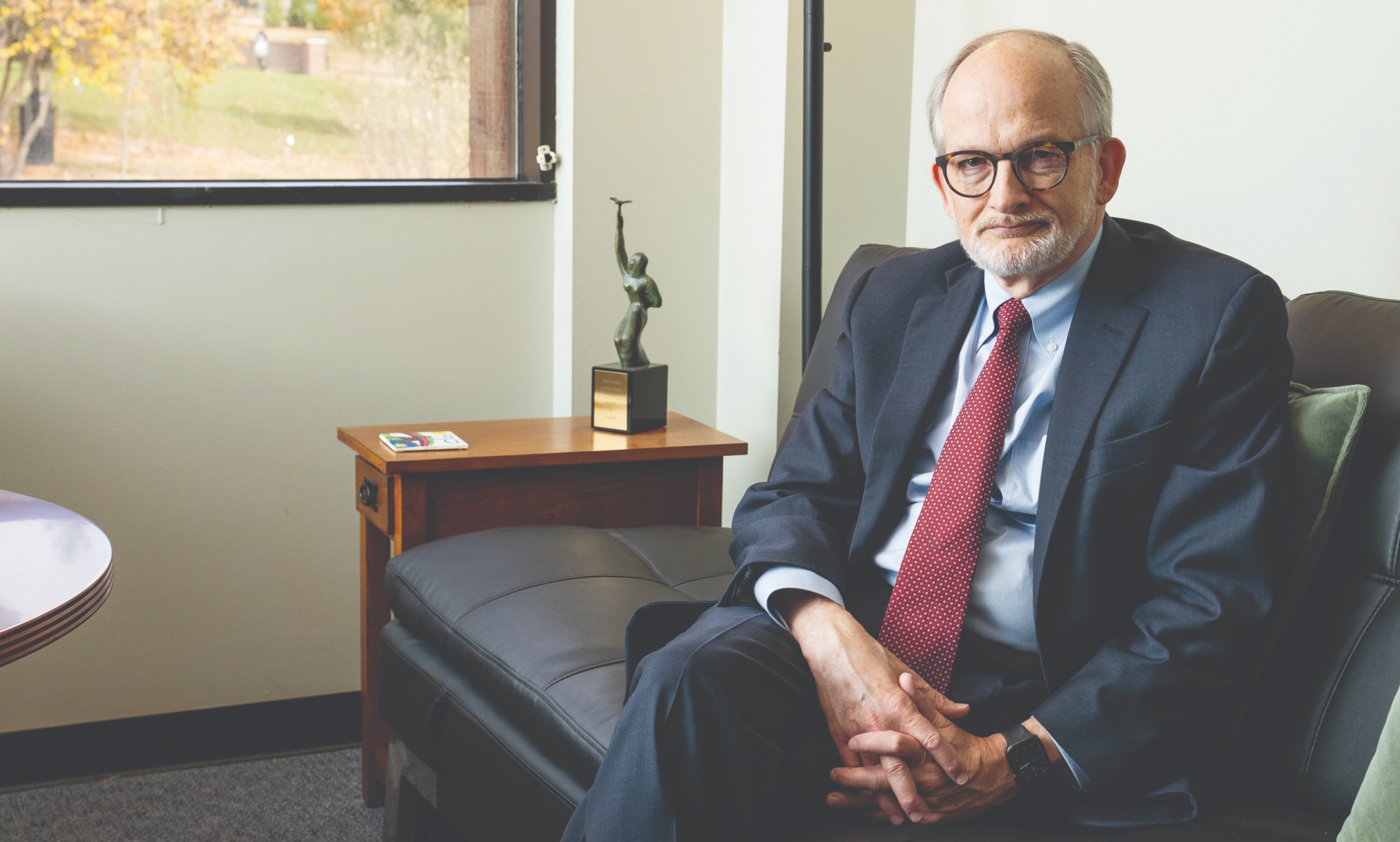
Leben is the fourth UMKC faculty member to earn the honor
The newest Douglas R. Stripp Missouri Distinguished Professor of Law Steve Leben brings a wealth of experience in the courtroom to the position.
Leben joined the UMKC School of Law faculty in 2020 as a visiting professor after 27 years as a Kansas judge – the past 13 as a member of the Kansas Court of Appeals – and 11 years of law practice in Kansas City.
“I’ve seen in the past two years the great training we give our students, and I’m glad to fully join UMKC’s well-recognized advocacy program,” Leben said.
Advocacy — essentially the art and science of persuasion — takes many forms. UMKC School of Law has long had a strong reputation in both trial and appellate advocacy education. The school’s advocacy program is A-rated by National Jurist magazine, and the school is ranked 31st in the country for advocacy by U.S. News and World Report. Professor Leben's leadership is already evident. Just this month, UMKC Law students competed in the national moot court regionals and both teams took away top honors and one team member was named Best Oral Advocate. As the undefeated winning team, UMKC Law will be heading to the national finals.
Leben brings both expertise and scholarship to elevate the advocacy program. He is a nationally recognized expert on procedural justice, and he has trained judges around the United States on how to improve perceptions of fairness in court proceedings. In 2014, the National Center for State Courts gave him its highest award for a judge, the Rehnquist Award for Judicial Excellence, in recognition of his work on procedural-justice issues. Leben is an elected member of the prestigious American Law Institute, an officer of the American Bar Association Judicial Division’s Appellate Judges Conference and past president of the American Judges Association.
He becomes the fourth faculty member to serve as the Stripp Professor of Law, following S. Rafe Foreman (2011-2019), Robert Klonoff (2003-2007) and Andre Moenssens (1996-2002).
In his role as the Douglas Stripp Professor, Leben said he would focus primarily on enhancing the school’s appellate advocacy program.
“I want to bring more appellate judges in from around the country to participate in our competitions and speak to our students,” he said. In addition to appellate advocacy, Leben teaches another important form of advocacy in his legislation course, in which students learn about public policy advocacy and the legislative process.
The Douglas Stripp Professorship was created and funded by Bebe and R. Crosby Kemper through the R. Crosby Kemper Charitable Trust and Foundation. It is named for Bebe Kemper’s father, a lifelong Kansas City resident and internationally known trial lawyer, who practiced law in Kansas City for more than half a century until his death in 1983.
Stripp worked alongside Charles Evans Whittaker (J.D. 1924) in Kansas City before Whittaker was appointed to the U.S. Supreme Court. Stripp’s passion was mentoring young attorneys in the art of persuasion and advocacy. Professor Leben will carry on this legacy as the Stripp Professor.
Jan 17, 2023
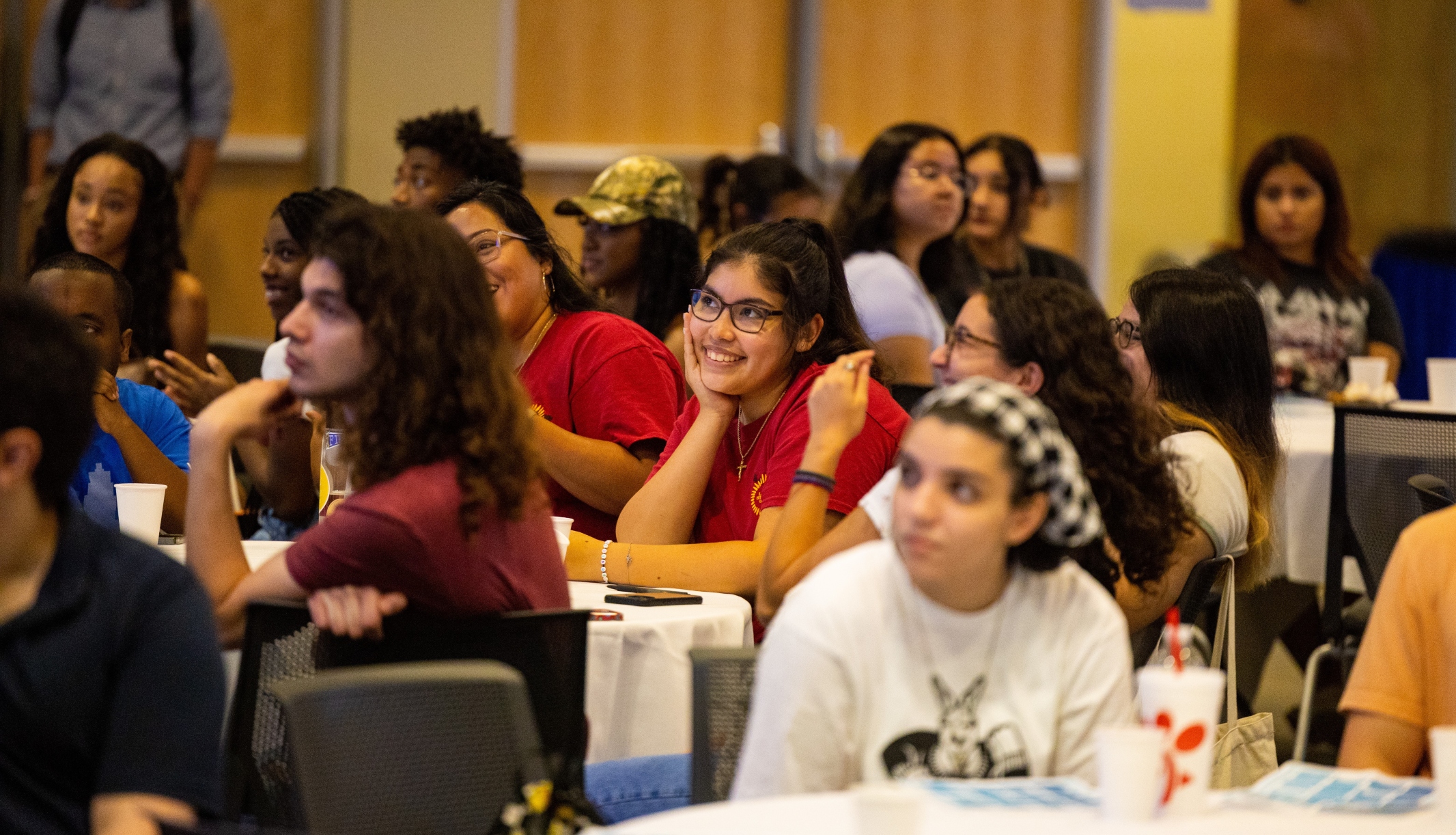
Consistent and significant funding enhances student success, degree completion. Photo by Brandon Parigo | UMKC
For the past decade, the Patricia and John Morgan Academic Advancement Fund has supported UMKC programs that help students successfully navigate their college experience.
The fund’s most recent gift of $60,000 over two years supports students from the time they are introduced to UMKC through the transitions that follow – from acceptance to enrollment and beyond – with graduation as the goal.
Summer Bridge Scholars, an intensive eight-week program for incoming first-year students to help prepare them for college at UMKC, is one of the programs the Morgan Fund supports. In addition to their classes, students participate in programming on careers, culture, academic skill-building and community engagement.
“Funds from the Patricia and John Morgan Fund help our students become connected to the Kansas City community,” Megan Elsen, associate director of Academic Support and Mentoring, says. “We work in conjunction with our Multicultural Student Affairs office to develop programming that expose students to the city’s history and the different cultures that Kansas City offers, including tours showcasing the city’s varied food, music and art opportunities, to give them a taste of the community. Tuition, room and board and the extracurricular activities are possible because of the support from the Morgan Fund.”
Laura Casey, academic success coordinator for Summer Bridge Scholars, notes that the fund supports a broad range of students.
“A large majority of our students are first-generation and low-income,” she says. “We see lower (high school) GPAs and ACT scores, if students submit them, so they may need additional academic support, which we provide.”
Summer Bridge students may have more basic needs as well.
“We provide backpacks, school supplies, and put together welcome packages that include sheets, towels and a laundry basket, because a lot of students who live in the dorms don’t have what they need. Literally, we have students show up with just a duffel bag.”
In addition, new students are introduced to established UMKC programs within the Office of Multicultural Student Affairs including Avanzando, a support and resource program for Latinx students; African Americans Cultivating Excellence (AACE); and Emerging Research Scholars, which offers high-achieving, historically underrepresented students research projects in their field of study with faculty mentors.
These programs are based on the belief that connecting students to the UMKC community is essential to their success.
“It’s important to get students engaged early in their college experience, and the majority of the Morgan funding goes toward helping our scholars in the AACE and Avanzando Mentoring Programs get connected to the community as a whole,” Keichanda Dees-Burnett, assistant dean of students for student support and director of Multicultural Student Affairs, says. “We want them to be knowledgeable about the resources available to them and have a good start so that they can succeed.”
The AACE and Avanzando Programs are designed to increase persistence and graduation rates for first- and second-year students by providing individualized support to help not only support the cultural identity of scholars, but to also help them reach their academic and career goals.
Roland Hemmings, Jr., assistant director of Multicultural Student Affairs, knows that students who don’t become connected early may wait too long to ask for help – if they ask at all. His approach to student support is not a set formula.
“Every year the needs of students change, so there isn’t a cookie cutter approach,” Hemmings says. “We have general programming that addresses common barriers to student success, but we take the time to talk with students individually about what help they need and help them find the right direction,” Hemming says.
Dees-Burnett notes that staff spend a great deal of time with students reinforcing that there are people and resources at UMKC who are eager to help them.
“They may be intimidated, but we tell them, ‘Everybody here is working for your success.’ We encourage them to ask questions so they don’t find out they are making a mistake that could have been avoided.”
Hemmings agrees.
“We are reinforcing that it is better to ask questions early, so we create a safe space where they understand that everyone is here to help and support them .”
The support of the Patricia and John Morgan Advancement Fund has been critical to student success.
“Significant and consistent support from the Morgan Fund is providing life-changing opportunity for UMKC students,” Jennifer Lundgren, Ph.D., provost and executive vice chancellor, says. “The success of these students will impact their futures, their families and our community for generations.”
Jan 10, 2023
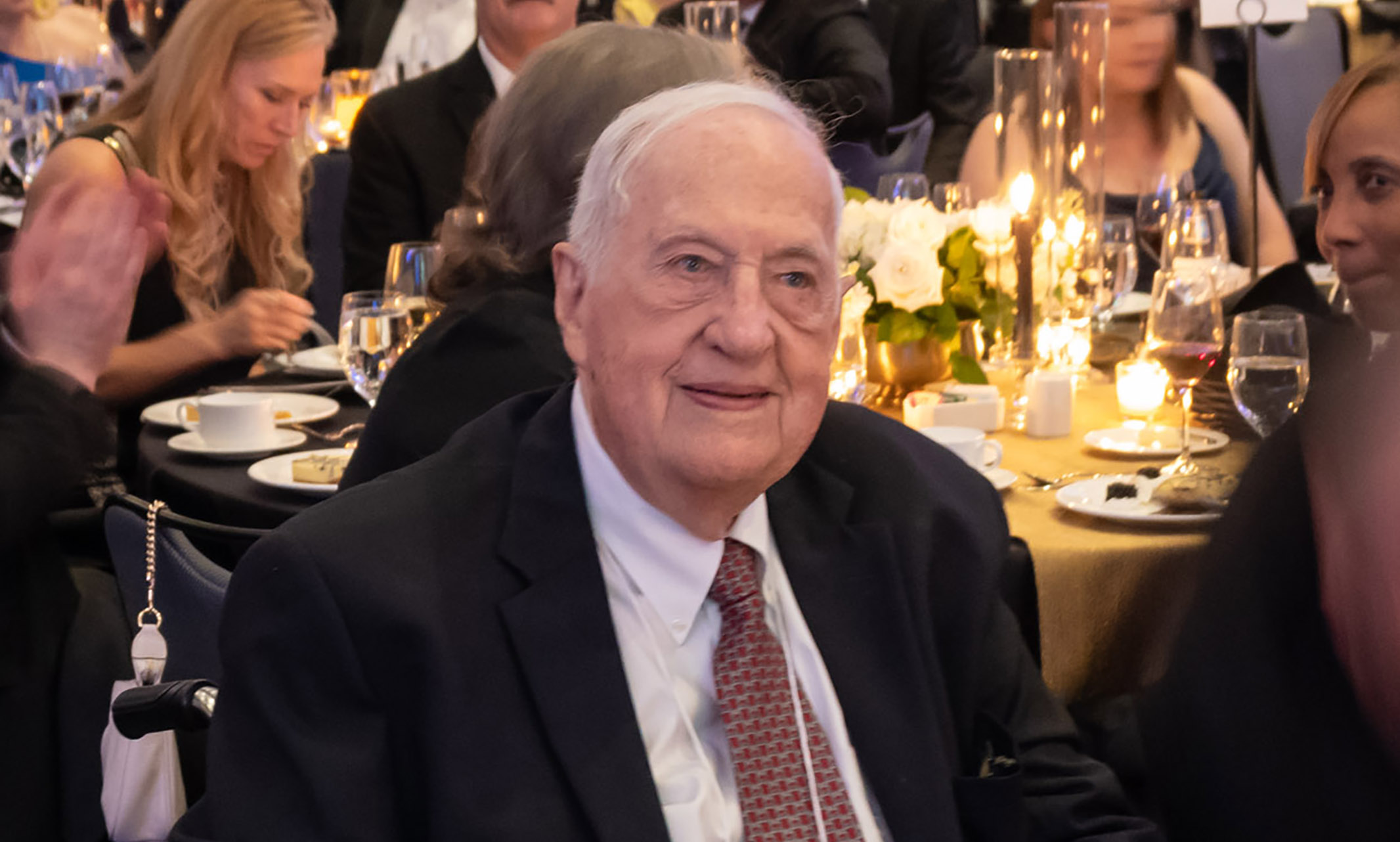
Harry S. Jonas served as second dean of the UMKC School of Medicine
Harry S. Jonas, M.D. (1926-2022), the second dean of the UMKC School of Medicine, helped establish the school’s unique six-year B.A./M.D. program and successfully defended the model against significant challenges.
As an administrator, Jonas effectively guided the fledgling medical school through serious early doubts from the Liaison Committee on Medical Education (LCME), the national accrediting organization for medical schools, which questioned the school’s unconventional six-year program that accepted medical students directly out of high school. Today, the model is generally accepted as a means to educate outstanding physicians.
Jonas was also known as a champion of those under his watch. Students and faculty who knew him well remember him as an extraordinary instructor and mentor who valued his students. In return they held him in equally high esteem.
Jonas, dean from 1978 to 1987, died just before Christmas.
Nearly 700 physicians earned their medical degrees from the school during his tenure as dean. One of them, Michele Kilo, M.D., ’84, remained in close contact with Jonas following his time at the medical school. Kilo said she and many of her fellow alumni shared similar experiences and fond memories of their former dean.
“Dr. Jonas’ impact on my life and my career and my years at the UMKC School of Medicine will always be remembered,” Kilo said. “His legacy of warmth, true caring and excellence in all endeavors will live on and never be forgotten.”
Mary Anne Jackson, M.D., ’78, current School of Medicine dean, met Jonas for the first time as a medical student in 1974. Jonas served as chair of the Department of Obstetrics and Gynecology at Truman Medical Center, now University Health, at the time.
“His passion for teaching students and residents was exceptional, and I knew with him at the helm we were learning the state-of-the art practices in all aspects of women’s health,” Jackson said.
Jonas served two years in the Navy during World War II before returning home to complete his undergraduate and medical degrees at Washington University in St. Louis. He moved to Independence, Missouri, in 1956 to become a private-practice physician and found himself drawn to academia.
His work in academic medicine started as a volunteer instructor in the residency program at Kansas City’s General Hospitals 1 and 2. He was recruited to serve as the hospitals’ first chairman of the Department of Obstetrics and Gynecology, a role he continued to serve when Truman Medical Center replaced the old General Hospital.
He took on a new role in 1978 when he was chosen to become the second dean of the UMKC School of Medicine, where he had also served as both an assistant dean and chairman of the Council on Evaluation.
“Different deans do different things,” Jonas said in a publication celebrating the school’s 25th anniversary. “Some are researchers, some are planners that go inside their office and close the door and plan for the future and then there are others who are very externally oriented. I was probably in that category.”
Kilo said, “He was approachable to School of Medicine students in ways that are remarkable and not typical of most deans, including greeting us by name, holding wonderful dinners at his home that always included medical students in a warm and inviting environment, and showing his interest in each of us personally, not just our grades or our career goals, but how we were doing as human beings and whether we were thriving socially.”
Following his tenure as dean, Jonas spent more than a decade with the American Medical Association in Chicago where he served as assistant vice president, and as secretary of the LCME, the body that once questioned the UMKC model.
He returned to Kansas City in 2000 to play another key role in the development of the School of Medicine’s curriculum. As a special consultant to the dean, Jonas was instrumental in creating a new geriatrics curriculum for first-year medical students. That program continues today, pairing students in a year-long mentoring experience with residents of John Knox Village, a Kansas City-area retirement community.
Kilo said Jonas served as her mentor, listening and providing guidance recently as she was in the midst of making a major career change. Likewise, when Jackson became interim dean of the medical school in 2018, Jonas made a point of connecting with her to share his experiences and wisdom for achieving success in her new role.
“He invited me to lunch to impart his knowledge and advice,” Jackson said. “He continued to come in person to important School of Medicine events and attended our 50th anniversary gala in June of 2022. All who knew Dr. Jonas could be confident that he was promoting our school locally, regionally and within national circles. He will be greatly missed.”
Jan 09, 2023
Grant provides support to continue and expand entrepreneurship programs on the UMKC campus and across the Kansas City region.
The University of Missouri-Kansas City has received a historic five-year, $12.97 million grant from the Ewing Marion Kauffman Foundation to build upon its national leadership in entrepreneurship programming and impact in the Kansas City region.
The grant funding will support a variety of efforts, including new and existing programs across campus. UMKC and the Kauffman Foundation have a shared mission of supporting diverse communities, and the grant will help each continue to reach underserved groups that may not traditionally have access to entrepreneurial resources.
“UMKC has a number of programs designed to help reduce barriers to entrepreneurship,” said Philip Gaskin, vice president of entrepreneurship at the Kauffman Foundation. “We believe that expanding and aligning these programs will drive interest and success in entrepreneurship and result in a diverse pool of new businesses in the region.”
The grant is a result of a partnership among nationally recognized programs at UMKC: UMKC Innovation Center, the Henry W. Bloch School of Management Regnier Institute for Entrepreneurship and Innovation and the UMKC School of Law.
“This grant from the Ewing Marion Kauffman Foundation is a clear endorsement of the work we’re doing across the university and in our surrounding communities to support entrepreneurship,” said UMKC Chancellor Mauli Agrawal.
The initiative will accomplish a variety of goals. It will build on and expand the university’s existing commitment to interdisciplinary collaborations, allowing increasing numbers of undergraduate and graduate students to explore entrepreneurship across campus. Additionally, it will increase community connections, expand the availability of impactful educational resources for diverse entrepreneurs, implement a stronger technology commercialization system to move UMKC research innovations to market and provide more avenues for all areas of campus to participate in entrepreneurial activities.
“This grant allows UMKC to grow our programs and invest even more in both cross-campus and community entrepreneurial initiatives,” Agrawal said. “We are thrilled to work with the Kauffman Foundation and current and future partners to build upon our strong foundation and create more opportunities for the region’s innovators and entrepreneurs.”
Jan 05, 2023
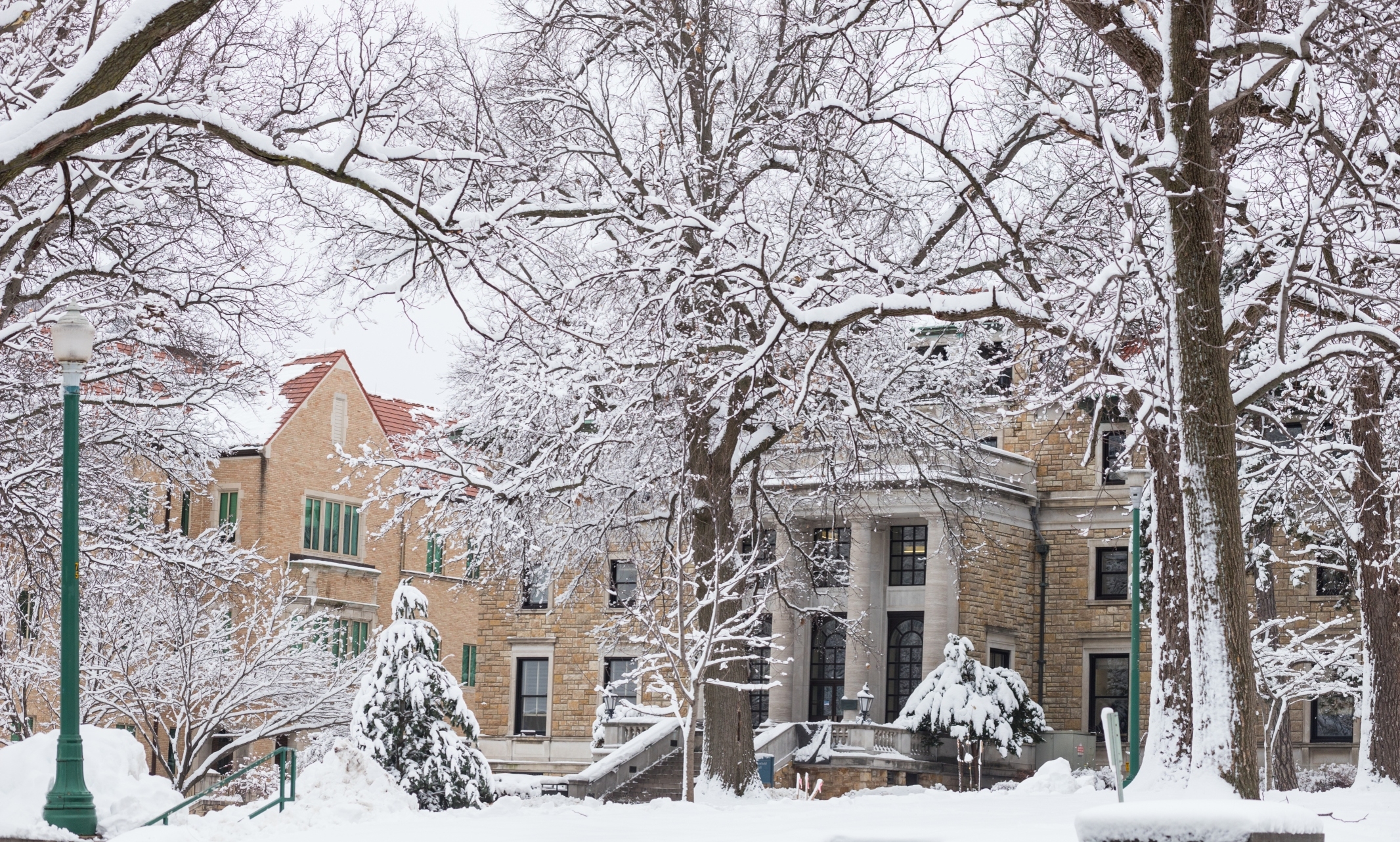
Here’s how to give
While the UMKC campus is closed during Winter Break, it’s still easy to make a year-end gift by observing the following guidelines.
UMKC offices will be closed Monday, Dec. 26 through Monday, Jan. 2. All gifts must hit UMKC Foundation accounts by Dec. 31 to receive tax credit for the 2022 calendar year. Checks and cash need to be postmarked on or before Dec. 31.
Credit card and stock gifts must hit the UMKC Foundation accounts by Dec. 31 to receive tax-credit for the 2022 calendar year. Checks and cash need to be postmarked on or before Dec. 31.
The date UMKC receives and processes checks and cash from the mail has NO impact on a donor’s taxable year contributions. The “gift date” for the IRS is the date the donor relinquished control, not the date the gift is processed.
Availability and Contacts
The Office of Gift Processing will be available Friday Dec. 30 from 8 a.m. to noon to accept year-end gifts. The Office of Gift Processing will be closed during the remainder of winter break and will re-open with regular business hours on Tuesday, Jan. 3.
The UMKC Foundation Office will be closed during winter break. A few staff will be on rotation remotely during the period. Should you have any inquiries during that time, please call 816-235-5778 and someone will return your call.
For any stock gifts or wire transfers, please contact Tram Nguyen at nguyentram@umkc.edu for the transfer form and DTC instructions. Stock gifts must be received into the account on or before Dec. 31 in order to be reflected in 2022 tax period, per the IRS.
Inquiries about all other year-end gifts can be directed to Sara Hampton at 816-235-5329 or via email to umkcgiftprocessing@umkc.edu. The Office of Gift Processing will also be taking calls at 816-235-1566 during the office hours listed above.
Gift Timing
Checks must be received in the Gift Processing office by Friday, , Jan. 13, 2023, in an envelope postmarked on or prior to Dec. 31, 2022, to be credited in the 2022 tax year. Gifts received after that date will not automatically be included in processing for the annual tax receipt. If the envelope received is postmarked after Dec. 31, it will be counted as a 2023 gift.Donors should send their checks to the address below:
UMKC Office of Gift Processing 112 Administrative Center 5115 Oak Street Kansas City, MO 64112
Stock or Mutual Funds – Please contact Tram Nguyen at nguyentram@umkc.edu for the transfer form and DTC instructions. Stock gifts must be received into the account on or before Dec. 31 in order to be reflected in 2022 tax period, per the IRS.
In order to liquidate the stock gift, it is required to provide the donor’s name, number of shares, security, expected date of transfer and area for where the gift is intended. This information can be completed on the transfer form or sent via email. Stock gifts will not be liquidated until confirmation of this information is received.
Mutual funds take an additional 3-5+ business days before posting to our account. Please advise your donors to have their brokers initiate any mutual fund transfers no later than Dec. 20. Regular equity stock takes 24 hours to post to our account.
Credit card transactions must be received by the Office of Gift Processing by noon Dec. 31 to run that day and count as a year-end gift. Credit card gifts will be accepted through the online UMKC Foundation website until midnight on Dec. 31 and will be reflected as a 2022 gift. Any online credit card gifts received after midnight Dec. 31st will be dated in January.Gifts received after hours may be deposited in the night deposit box located beside the Cashiers Office at Admin Center 112 and will be processed the following business day. Credit card gifts received through the lockbox will be dated the following business day.Pursuant to Curators Rules 208 and 212, all gifts should be transferred, with original documentation (including postmarked envelopes), to the Gift Processing Office within 24 hours of their arrival to any school, college or department.
Additional Reference Information
https://www.umkc.edu/news/posts/2021/december/donation-process-during-umkc-campus-closure.html
https://umkcfoundation.org/donation-process-during-umkc-campus-closure/
Dec 23, 2022
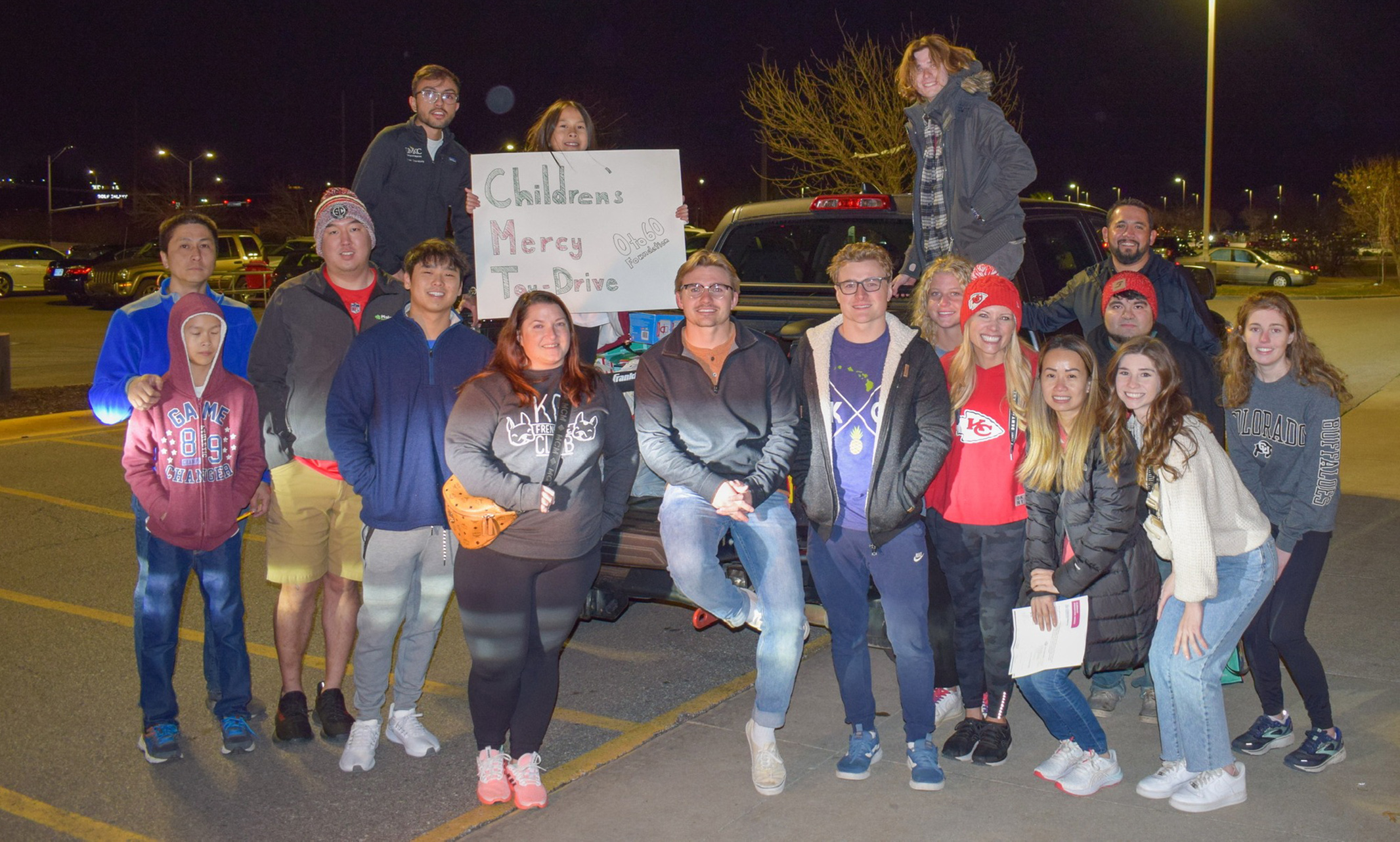
Parade of exotic cars delivers toys and gifts to Children’s Mercy-Kansas City Hospital
Santa drives a Lamborghini. A Ferrari. Take your pick of sports cars, police cars and fire trucks, too.
That was the case on December 11 when a couple of UMKC School of Medicine students who also happen to be car enthusiasts organized Operation Santa’s Sleigh, a parade of more than 30 exotic cars with police and fire department escort that delivered nearly $11,000 of toys and gifts to Children’s Mercy-Kansas City Hospital.
“Many kids get sick and find themselves in the hospital during the winter holidays, which is supposed to be one of the happiest times of the year,” said UMKC medical student Rohan Chakrabarty. “We work closely with Children’s Mercy Hospital, so we chose to partner with them in a toy-drive project with a car-enthusiast twist.”
Chakrabarty and classmate Dylan Hailey are self-described car fanatics. Earlier this year the two decided to put their passion for cars to work organizing car shows and related charity events to benefit causes related to health care.
The pair organized their first event, a car show with the theme Cars Beyond the Boulevard, last May to benefit Care Beyond the Boulevard, a mobile medical clinic that serves the homeless and poverty stricken in downtown Kansas City. With the help of some of Kansas City’s leading car clubs, their show drew nearly 300 cars and raised more than $12,000 for the clinic.
“We had some goals in mind about how many cars we wanted and how much money we wanted to raise and we smashed all of them,” Hailey said. “It was awesome. We were just so stoked by how successful it was.”
It was enough that the pair went a step further in September, working with a lawyer the pair created their own non-profit organization. The 0-to-60 Foundation partners with some of Kansas City’s top car clubs, such as KC Exotics & Supercar Club and the Dream Team Car Club KC, to organize charity events.
“They have been super welcoming of us and, honestly, they really have become our friends and the community people we can turn to if we have questions about things,” Chakrabarty said. “We just used our passion and started networking with a bunch of these people. Obviously, they have a shared passion with us with cars and they liked hearing our story.”
Chakrabarty and Hailey put together an executive board for the 0-to-60 Foundation and with the help of medical students Lara Makhoul, Shelby Soukup and Isabella Boedefeld and others, assembled teams of nearly 50 students from throughout the UMKC community to help the cause.
The next idea was to create one big event that anyone – car enthusiast or not – could get involved with. That became Operation Santa’s Sleigh. Reaching out to local companies and doing fundraisers, the foundation raised $10,832 dollars. More than 20 UMKC students and car club members then met to participate in two toy buying events at local Target stores. The first event filled more than 12 shopping carts with purchases.
The group also reached out to the Kansas City police and fire departments, which agreed to get involved and provide an escort for an exotic car parade that totaled nearly 50 vehicles from Kansas City’s World War I Memorial to Children’s Mercy to deliver the toys.
Many of those went to the hospital’s Snowflake Shop, which will allow families and patients to pick up gifts at no cost. Others will go to units throughout the hospital that can be used communally, Chakrabarty said.
“I can’t imagine being a kid during Christmas and having to be in a hospital, not to mention the other struggles those families are experiencing during this time,” said Chakrabarty, who had his own hospital experience as a child who underwent an open-heart surgery. “You put all that together and it made me feel like this would be something good for us to do.”
Chakrabarty and Hailey say they already have their next event in mind, organizing another car show to help Care Beyond the Boulevard raise funds to purchase and equip a new clinic bus.
“We think we could definitely blow some of the donations that we’ve had so far out of the water,” Chakrabarty said. “We’re thinking really big and want to make sure we make a really big impact. We have the gears turning in our heads.”
Of course, Chakrabarty is willing to admit that there may be a little more than altruistic motives behind their efforts.
“Some of these events are selfish for us because we get to see all the cars, and in some cases get to drive some of these cool cars,” he said. “That’s really awesome. It kind of comes full circle.”
Dec 20, 2022
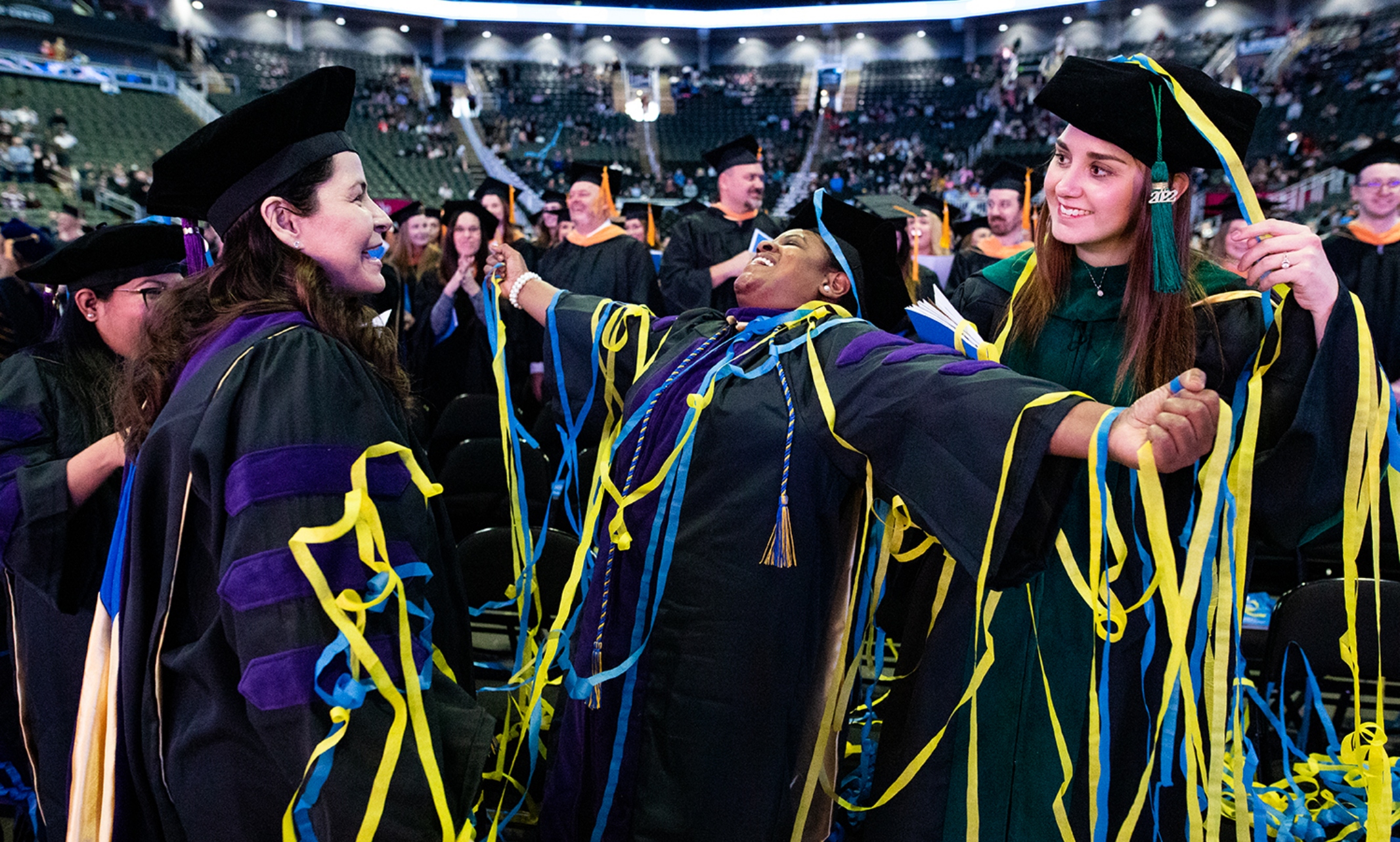
More than 800 degrees conferred
Kansas City’s university welcomed more than 800 graduates and their families at T-Mobile Center for the 2022 Mid-Year Commencement Ceremony Sunday.
University of Missouri-Kansas City Provost and Executive Vice Chancellor Jenny Lundgren, Ph.D. presided as Chief Marshal of the event.
“We are delighted to be here today at the beautiful T-Mobile Center to continue our new tradition of celebrating our graduates at iconic Kansas City locations,” said Lundgren. UMKC Chancellor Mauli Agrawal reminded graduates of their perseverance. Agrawal said that having lived through numerous challenging events such as terrorist attacks, wars, economic hardships and a global pandemic, graduates have already shown they are up to any challenge.“You have acquired the knowledge, confidence and skills you’ll need to navigate an ever-shifting landscape,” said Agrawal. “More challenges surely await you, but I know, and you know that you are up those challenges.”Two-time Emmy Award winner, UMKC alumnus and announcer for the Washington Nationals baseball team Bob Carpenter (B.A. ’75) gave the keynote address. Carpenter told graduates to expect the unexpected as things do not always go to plan. But he stressed that even in adversity, attitude is everything.“I hope as we go along, wherever you go in your career or in your life, that you have a spirit of gratitude,” said Carpenter.
Carpenter also advised graduates to keep a positive mindset and to share their success with others. “Don’t ever leave out a word of encouragement for those who you are working with, or those who you are working for,” said Carpenter. “When you achieve success, stop and think, ‘What did I do to get here, how do I stay here and who helped me get here?’ Then take that success and use it to help somebody else.”Following the event, graduates met their loved ones for hugs, photos and celebrations of their achievements.
Dec 18, 2022
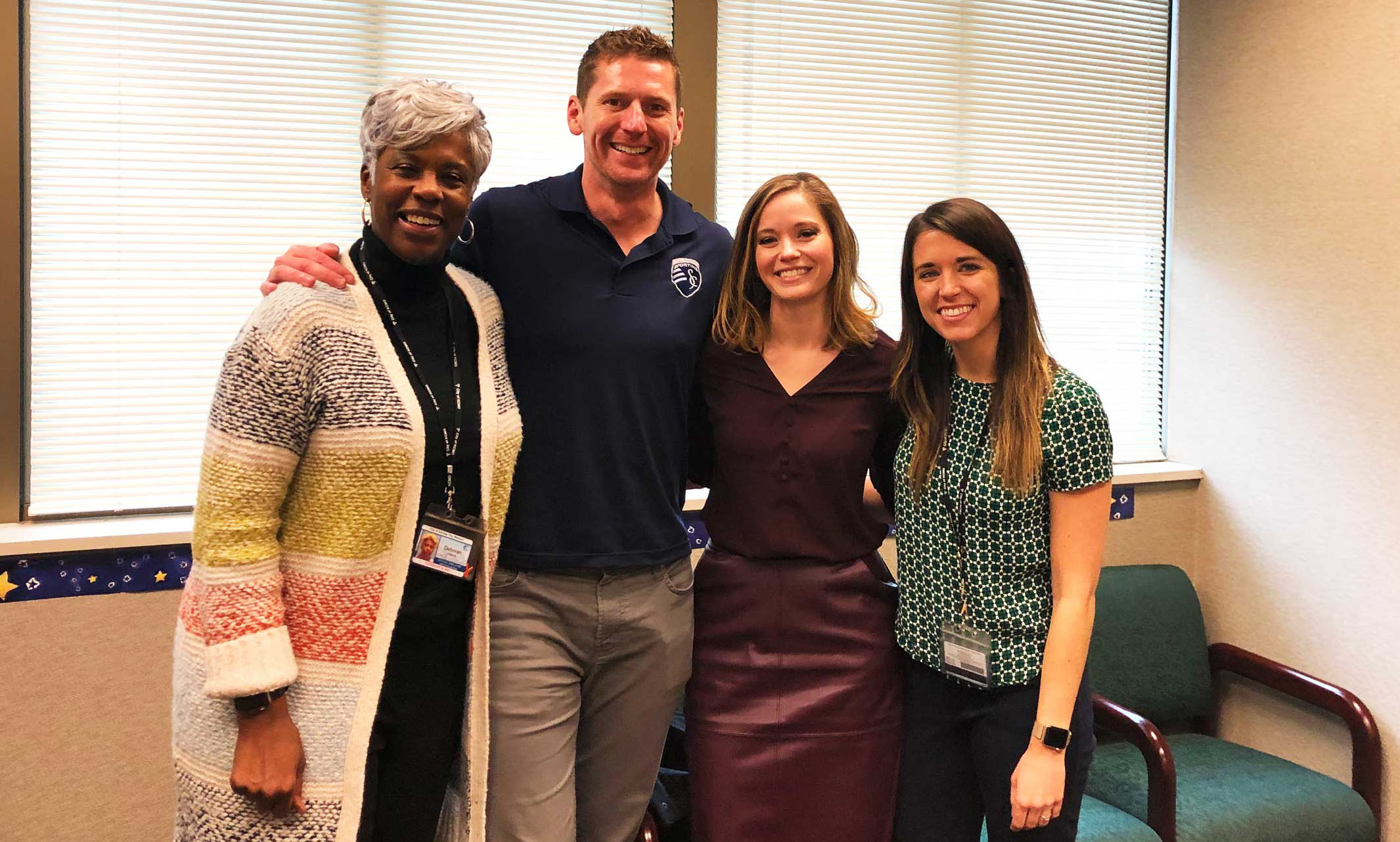
Joseph Lightner analyzed program through the Kansas City Health Department
There’s a shift happening in HIV prevention and care, and UMKC public health researcher Joseph Lightner, Ph.D., is gathering the data to back up that shift. According to Lightner, an assistant professor in the UMKC School of Nursing and Health Studies, HIV is no longer a disease of behavior, but a disease of poverty. The current medications used to treat the disease are so effective that a person with HIV who is following the regimen can live their life with a nearly undetectable amount of HIV in the blood.
According to the National Institute of Allergy and Infectious Diseases, there is an overwhelming body of clinical evidence firmly establishing that when HIV is undetectable it becomes untransmittable, a concept the scientific community has dubbed U=U. Thus, encouraging and maintaining treatment for HIV is a powerful weapon in fighting the disease.
Researchers like Lightner are looking at interventions, beyond antiretroviral therapy, that help individuals with HIV successfully achieve an undetectable viral load, the amount of HIV in the blood. One such initiative Lighter studied is KC Life 360, a program through the Kansas City Public Health Department that provides housing and employment support to low-income, uninsured and under-insured persons living with HIV in racial and ethnic minority communities.
According to Lightner, it’s a critical group in HIV prevention, since most new HIV cases are occurring in these marginalized individuals. That knowledge has led the HIV care community to adopt a housing-first model nationally because data shows that homelessness and housing instability are major threats to HIV management.
“When someone is living on the street, they're not going to take their meds. It's not feasible for an unhoused person to carry around a three-month supply of their HIV meds,” Lightner said. “If we get these individuals housed and they have a safe place to take and store their medications, downstream that translates into treatment as prevention and reduces later infections.”
In conjunction with the Kansas City Health Department, Lightner examined the outcomes of the intervention to improve housing and employment for the individuals in KC Life 360. His research found that the individuals within the study were 25 times more likely to be housed and twice as likely to have improved their employment status. Most importantly, the data showed that the viral suppression improved among those within the study.
“What I want people to see from this research is that to solve the HIV epidemic, it's going to take multi-level interventions that focus on the whole person," Lightner said. "These are people who want to be members of society just like anybody else."
Although Lightner’s primary research focus within public health is physical activity, he continues to come back to HIV research. His team also has studied how HIV stigma affects individuals professionally and socially, as well as how best to provide treatment to those living with HIV. He said that the good thing about public health is that it’s broad, and the research methods translate from one field to another.
For Lightner, there’s also a deeply personal connection to HIV research.
“As a gay kid growing up in the 1980s, my family always told me that AIDS is a death sentence if you are gay. Couple that with having an uncle die of HIV/AIDS complications in the 1990s, the disease has been a part of my life since childhood,” Lightner said. “I think many gay men have similar experiences. By doing this research, I hope we can destigmatize the disease and make the world a better place for our friends and family.”
Dec 15, 2022
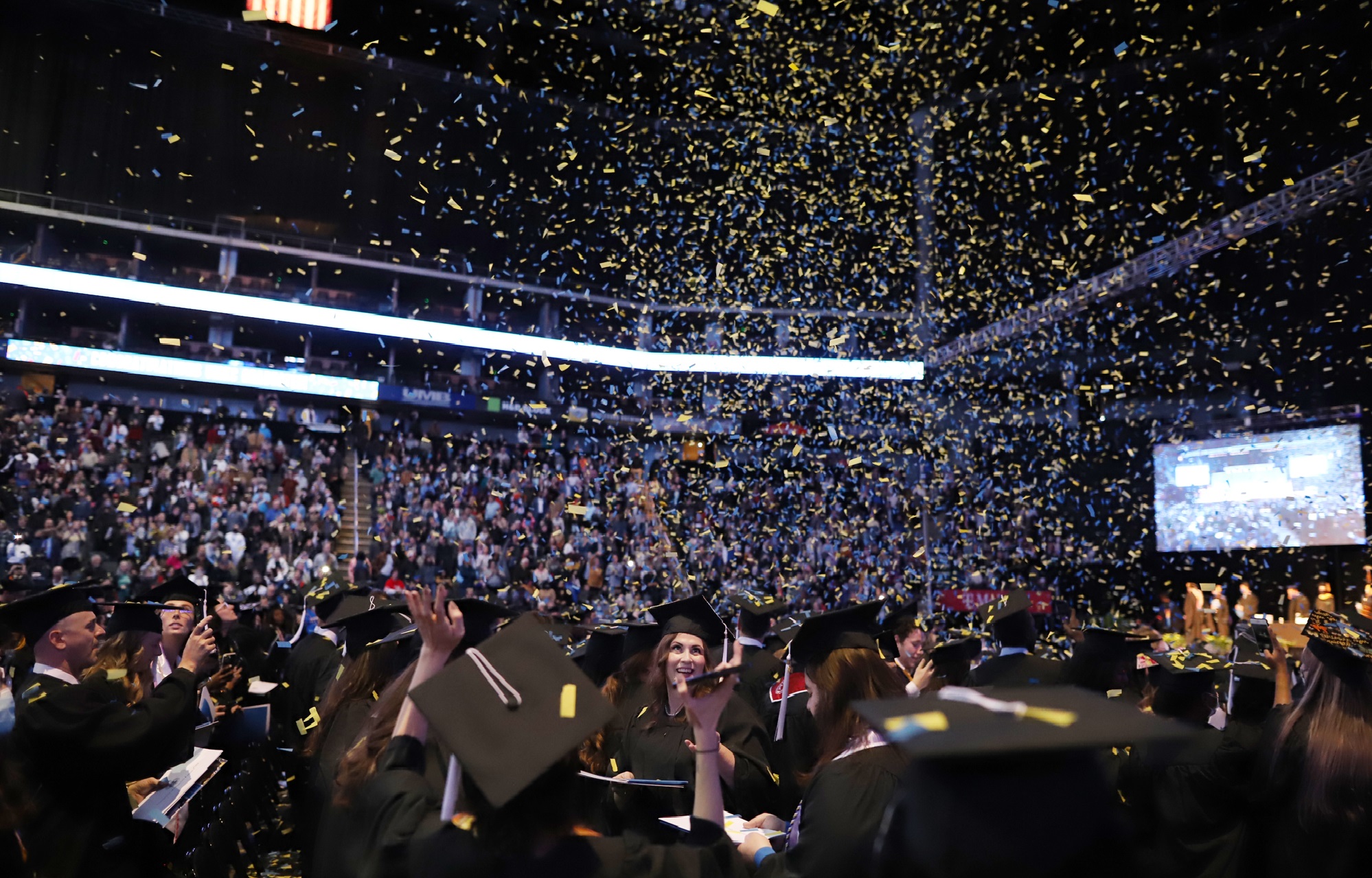
Students reflect on their hard work and achievements during their time at UMKC.
On Sunday, December 18, UMKC’s newest graduating class will walk across the stage, receiving their diplomas after years of hard work and dedication.
Each grad embarked on an individual journey full of professional and personal growth, culminating in a commencement celebration in front of family, friends and peers. Here’s an overview of two such journeys.
Amelia Hess – Master of Arts in Counseling – School of Education, Social Work & Psychological Sciences
Amelia Hess began her collegiate journey at another school, but didn’t find her place among that university community.
She switched to UMKC for her sophomore year and earned her undergrad and, eventually, her master’s degree.
“It’s a microcosm of the Kansas City community. You have all these different people coming here, different majors, different programs,” Hess said. “I was very, very much involved in high school and so I knew when I got to college, I wanted to continue that.”
She found her place at UMKC through involvement with campus organizations, including the Sexuality and Gender Alliance (SAGA), serving as president and the student MC for the Pride Breakfast; the National Alliance on Mental Illness (NAMI); and Roos for Mental Health. She also worked as a residential life coordinator at the Hospital Hill apartments.
“I found places where I could be my different selves,” Hess said. “I found places where I could really enjoy studying psychology and the professional world, but I also found the SAGA council where I could have a leadership position on a queer organization which is hard to find in other places.”
Throughout her career at UMKC, she met with professors, leaders and fellow classmates who have helped her set up her post-graduation plans at an area mental health facility as a therapist associate.
“I’m going to help them implement what they call a psychedelic assisted therapy program, which is kind of a new area of mental health and therapy where people are being administered medicinal treatments for depression, anxiety, PTSD,” Hess said. “I get to take leadership and apply some of those other skills I developed along the years to help create a program and hopefully get it to the point where hopefully one day new grads will come and work there with us.”
Hess credits her willingness to get involved in different groups at UMKC with helping her feel prepared for the next steps in her career.
“I think UMKC, since it is in the metropolitan area and it is a bigger school with more opportunities and connections to the city, is a great opportunity for someone who wants to change schools because you’re supported, but you’re also treated like an adult,” Hess said.
Christian Dang – Bachelor of Science in Biology – School of Science and Engineering
Originally from about 2.5 hours away in Springfield, Missouri, Christian Dang landed at UMKC after looking for an affordable education that also allowed for a change of environment.
“I love Kansas City because of the diversity and everything it provides,” Dang said. “I really like the size of UMKC. It’s like a medium sized institution so it’s not too small or too large and I feel like you can really make more meaningful connections with faculty members that way.”
Dang’s interest in biology started in high school, but when he got to UMKC, he gained a passion for research.
“I still am interested in medicine, but I’m also interested in research, which I’ve been involved a lot with at UMKC,” Dang said. “And I really do think UMKC provides a lot of ways to get involved in research no matter what discipline you are in.”
A four-year Honors Program student, Dang presented his project, “A Self-Directed Mutagenesis Approach for Examining the Drosophila Tribbles Recognition Degron in the C/EBP Transcription Factor SIBO,” at the Summer Undergraduate Research Opportunities (SUROP) Poster Symposium. He also served as a student reviewer and marketing and design coordinator for UMKC’s undergraduate research journal, Lucerna.
He said commencement “is going to be a surreal moment for me having spent these last four years here at UMKC and knowing what a difference it has made in my personal career and personal development.”
After graduation, Dang will travel to Bethesda, Maryland, where he will take part in fellowship at the National Institute of Health (NIH) where he will conduct biomedical research in the Muscle Energetics Laboratory. Only 24 percent of applicants were selected over the past year, according to the NIH.
“It’s definitely humbling, knowing that you’ve been given this opportunity that not everyone has been able to receive,” Dang said. “Knowing to acknowledge the work you’ve done to get this part of your life and knowing people have trust in you that you’re doing to do great things in your life, and you continue to put in the work and effort to be the best you can.”
Dang credits the opportunities provided by UMKC for setting him up to succeed after receiving his diploma and believes others can achieve the same whether they are from the area or from farther away.
“Even from outside Kansas City I would recommend going here for college just because of the community here and the ease of meeting faculty members and peer mentors who will help you and the wide range of student organizations that are available here,” Dang said. “There’s really a lot to offer at UMKC that I feel not a whole lot of people know about.”
Dec 15, 2022
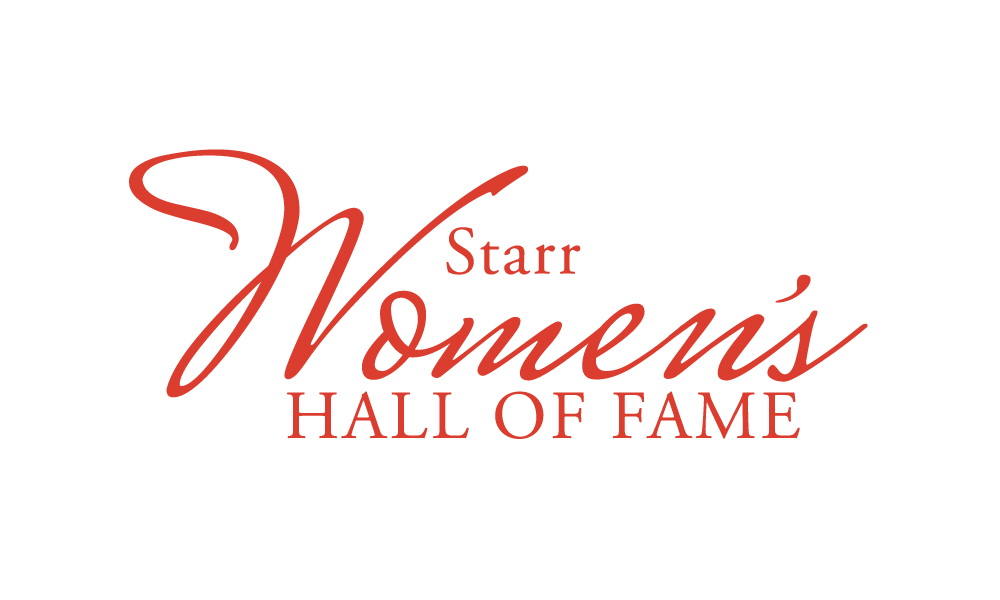
Organization honors Kansas City influential women, past and present
From a protector of parks to a pioneer in LGBTQIA advocacy, from a former U.S. senator to a Major League Baseball owner, from groundbreakers for women in finance to champions of human rights, neighborhoods and Latino issues – the 2023 inductees into the Starr Women’s Hall of Fame have made extraordinary and enduring contributions to their fields of work.
The UMKC Starr Women’s Hall of Fame will induct its fifth class honoring Kansas City women leaders on March 21, 2023, at the Kauffman Center for the Performing Arts. The Kansas City community has benefited from the work of outstanding women from its earliest beginnings, and the Starr Women’s Hall of Fame recognizes their extraordinary accomplishments.
The Hall of Fame recognizes women with noteworthy ties to the Kansas City area who have made important and enduring contributions in their fields of work. Alicia Starr and Michelle Wimes are co-chairs of the 2023 induction ceremony.
“We are honored and excited to recognize these remarkable women who dedicated their time and talents to improving Kansas City for all its citizens,” Starr says. “We celebrate their inclusion in the Hall of Fame so that their stories will inspire future generations of women in Kansas City and beyond.”
The Hall of Fame includes a Wall of Honor on display in the UMKC Miller Nichols Library, as well as an archive of important papers, images and artifacts of the enshrined members. Money raised from the induction event will assist in further development of the digitization and acquisition of materials for the Hall of Fame archives, ensuring that the works of these exceptional women will be accessible in perpetuity not only to community members, but also to researchers world-wide.
The eight outstanding women in the 2023 class of inductees will be honored in a ceremony on Tuesday, March 21. Festivities will commence at 4 p.m. at the Kauffman Center for the Performing Arts. Sponsor opportunities are available at www.umkc.edu/starrhalloffame/.
Event speaker and individual ticket information will be released in January 2023.
The new inductees are:
UMKC alumna Karen L. Daniel (MS ’81 accounting) is a recognized leader in Kansas City. The first African American woman to be a Major League Baseball owner since her addition to the Kansas City Royals ownership group in 2020, Daniel is retired executive director, CFO and president of Global Finance and Technology Solutions at Black and Veatch. She was the first African American female to chair the Kansas City Chamber of Commerce and has been a leader and advocate for restoration of the Liberty Memorial Tower at the National World War I Museum and Memorial. She has created a legacy fund for scholarships to support Black college students. President Barack Obama named Daniel vice chair of the Advisory Council on Doing Business in Africa in 2015.
Anita B. Gorman has been an advocate for area parks, recreation and conservation for six decades. She fought to save the Native American Hopewell archaeological site, which became a part of the Kansas City Parks system. In 1979, she was the first woman appointed to the Kansas City Parks and Recreation board. In this role she raised funds to establish a conservation center in the urban core of Kansas City. Gorman was the first woman to chair the Missouri Conservation Commission and helped establish the Missouri Conservation Heritage Foundation. She received the Pugsley Medal from the American Academy for Park and Recreation Administration in 2017 for her contribution to the promotion, development and conservation of public parks in the United States.
Lea Hopkins has been an advocate and activist for LGBTQIA communities for more than four decades. She co-founded the Christopher Street Association, a gay and lesbian advocacy organization, in 1977 and organized the first Pride parade in Kansas City in 1979. She founded the Kansas City Gay Injustices Fund, which provided legal support for LGBTQIA people who were arrested based on their orientation. She was a member of the inaugural leadership team of the UMKC Gay Students’ Union. Hopkins is an accomplished poet, watercolor artist and collagist.
UMKC alumna Alice Kitchen (MPA ’89) has been a longtime advocate for human rights, healthcare and children and women’s issues. She is co-founder of the Women Quality Coalition and the Child Protection Center. A longtime director of social services at Children’s Mercy Hospital, she was a board member of the Kansas City Housing Authority who helped with neighborhood cleanups and worked to help young mothers obtain health insurance. She was honored by the White House as a Champion of Change for her work on education for the Affordable Care Act in 2015.
Community activist and a leader for the Ivanhoe Neighborhood Council in Kansas City, Mo., Margaret J. May served as the executive director of the Ivanhoe Neighborhood Council from October 2001 to December 2017. During her tenure, the council became a community development corporation that develops new housing and rehabilitates existing homes. The Downtown Council of Kansas City recognized May in their first class of Urban Hero Awards in 2005. She has served on the City of Kansas City Plan Commission and the Kansas City, Missouri Community Development Entity, which is now known as Alt Cap.
Sen. Claire McCaskill has dedicated her life to serving women, families and her community. An accomplished attorney, she was the first woman elected as Jackson County, Missouri prosecutor, and the first woman to be elected U.S. Senator from Missouri. In 2004, she defeated incumbent Governor Bob Holden in the Democratic primary, becoming the first candidate to defeat an incumbent Governor in a primary election in state history, although she lost in the general election. She served as a U.S. senator from Missouri from 2007 to 2019. During her term in the Missouri House of Representatives, she chaired the civil and criminal justice committees. She is currently a political analyst for NBC News and MSNBC.
Barbara Pendleton paved the way for Kansas City women interested in careers in finance. She started her career in banking as a messenger with City National Bank. She became chairperson of City Bank at Crown Center and retired as an executive vice president of United Missouri Bancshares, Inc. An active volunteer in community organizations, she was often the first woman member, officer or president. A founding board member of the Central Exchange, she also chaired the UMKC Women’s Center Advisory Committee. She worked for several mayors, including Mayor Kay Barnes, who appointed her to work on downtown Kansas City revitalization.
UMKC alumna Freda Mendez Smith (BA ’80) is a champion and advocate for the Latino community in Kansas City. A current advisory board member for the Women’s Foundation of Kansas City, she has worked with MANA de Kansas City for four decades, serving as a board member of the national organization twice. Smith is an advocate and mentor to members of the Latino population who encourages people to become engaged in community service, including serving on local boards of directors. She has been a volunteer board member at many community organizations including the UMKC Hispanic Advisory Board, the UMKC Women’s Council, Greater KC Hispanic Heritage and Mattie Rhodes Center.
The Starr Women's Hall of Fame recognizes extraordinary Kansas City women and preserves the history of their accomplishments. To date, The Hall of Fame has inducted 37 Kansas City women, half of them posthumously.
“These women are social reformers, volunteers, philanthropists, business executives, civic leaders, activists and educators,” Wimes says. “They are neighborhood leaders and grassroots organizers, from yesterday and today, both famous and unsung. They are movers and shakers whose tireless commitment to community has made Kansas City a better place to live.”
The Hall of Fame is a repository for their legacies, offering an extensive archive of these women’s activities and achievements available to researchers, educators and historians.
Stuart Hinds, curator of special collections at the Miller Nichols Library, says it’s imperative to preserve these stories.
“These women have had a significant influence on the history and development of the region. Collecting these stories of Kansas City women ensures a more inclusive and thorough historical narrative. Preserving and more importantly, publicly sharing, these stories, allows girls and young women to learn how to overcome the challenges they encounter as they move forward in the world as women.”
A permanent display honoring Hall of Fame members is now open to the public on the third floor of the Miller Nichols Library at the University of Missouri-Kansas City. The library is at 800 E. 51 St., Kansas City, Missouri.
By sharing their stories, the Hall of Fame encourages and inspires women everywhere. Biographies of all of the inductees are available at www.umkc.edu/starrhalloffame/.
The Hall is named in honor of Martha Jane Phillips Starr, a legendary activist and philanthropist who blazed a trail for family issues and women's rights. She played an important role in establishing the university’s Women's Council and the Graduate Assistance Fund, which today provides financial assistance to female students. Starr died in 2011 at the age of 104.
The hall of fame is made possible through the Starr Education Committee, Martha Jane Starr’s family and the Starr Field of Interest Fund, which was established upon her death through the Greater Kansas City Community Foundation. The idea for the Starr Women’s Hall of Fame stemmed from Starr Education Committee members.
The civic organizations that advocate on behalf of women and family issues and have signed on in support of the Starr Women’s Hall of Fame include: American Association of University Women, American Business Women’s Association, Association for Women Lawyers of Greater Kansas City, Central Exchange, CBIZ Women’s Advantage, Girl Scouts of NE Kansas and NW Missouri, Greater Kansas City Chamber’s Executive Women’s Leadership Council, Greater Kansas City Women’s Political Caucus, Jackson County Missouri Chapter of the Links, Inc.; Junior League of Kansas City, Missouri; KC Metro Latinas, Kansas City Athenaeum, Kansas City Young Matrons, OneKC for Women, SkillBuilders Fund, Soroptimist International of Kansas City, Soroptimist Kansas City Foundation, UMKC, UMKC Women’s Center, UMKC Women’s Council, UMKC Women of Color Leadership Conference, United WE, WIN for KC, win|win, Women Leaders in College Sports, Women’s Public Service Network, Zonta International District 7 and Zonta Club of KC II.
Dec 14, 2022
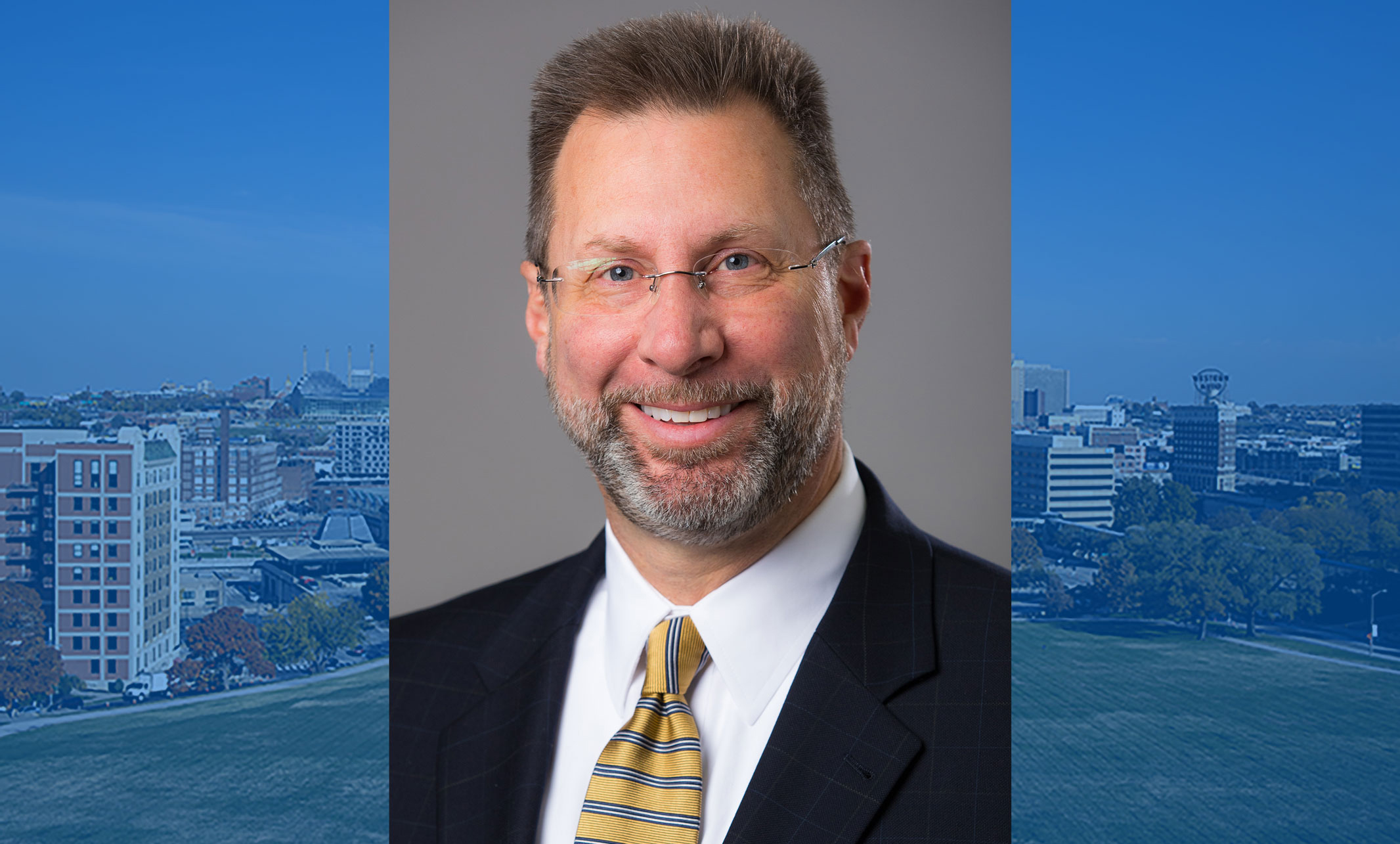
School of Dentistry welcomes Daniel Barwick
Daniel Barwick, Ph.D., has joined the UMKC School of Dentistry as director of philanthropic giving and executive director of the school’s Rinehart Foundation. He brings 20 years of fundraising experience to help lead those efforts with Dean Steven B. Haas.
Barwick, who most recently was director of development at Indiana State University, points to the school’s growth potential and the opportunity to support its community service focus through its oral health clinics. Those clinics are set to expand with the planned construction of a new interprofessional health sciences building on the Health Sciences Campus. Barwick said he is excited to be starting at UMKC during the initial stages of that project.
“Education is a noble endeavor, and it’s amazingly rewarding to be a part of that process,” said Barwick. “Whether I am a fundraiser, a teacher or an administrator, as long as I’m helping to educate people, I’m part of something that I love.”
Barwick has worn many hats in his 30-plus years in higher education. He started as a professor of philosophy, moved into philanthropy and then transitioned to the role of president of Independence Community College in Kansas. He still gets recognized occasionally from those years in Independence, when the school was featured in the Netflix series “Last Chance U” in 2018 and 2019.
Born and raised in New York state, Barwick grew to love the Midwest while attending graduate school at University of Iowa, where he earned a master’s degree in philosophy. His time in Kansas cemented the central Midwest as his home, and when the position at UMKC opened up, he knew it would be a perfect fit.
Outside of his day job, Barwick stays busy with higher education content creation. He has written books on philosophy and higher education leadership and hosts the podcast and blog The Mortarboard, which focuses on solutions in higher education from an administrator’s perspective. He has a passion for cooking, specializing in French cuisine (even though he said his signature dish, eggplant pecorino, hails from Italy). Barwick and his wife live in live in the Kansas City area and have two grown daughters.
Dec 09, 2022
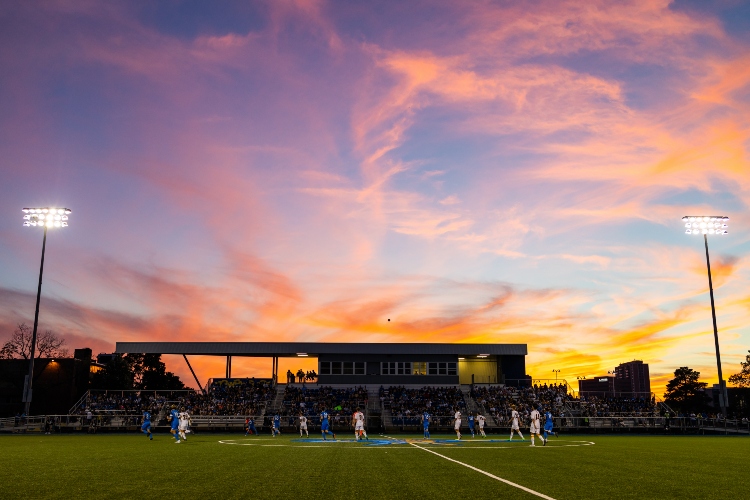
A look back at some of our favorite memories
Our campus photographers spend each day documenting the stories of our students, faculty, staff and community.
Each year they compile some of their favorite images of the connections formed, memories made and moments shared for us to enjoy. Here are the top photos of 2022.
Dec 09, 2022
Leader will continue school’s pursuit of excellence in teaching, research and service
UMKC has launched a search for an inspiring and innovative leader to serve as dean of the School of Nursing and Health Studies.
The dean is the senior academic and administrative officer of the school and is responsible for providing the leadership and vision necessary for setting strategic, operational and financial directions. In those roles, the dean has overall responsibilities for developing an effective collegial environment that supports excellence in teaching, research and service.
“Preparing the next generation of nurses and health professionals is an essential mission to improving health outcomes and increasing health equity,” said UMKC Provost Jennifer Lungren. “Our new dean will pursue academic and community partnerships that enhance nursing practice, education, research and lifelong learning.”
In addition, the dean will:
Evaluate changes in health care, higher education and research, and lead the school in planning strategies to maximize the contributions of the faculty, students and alumni in improving health care;
Engage in fund-raising and alumni engagement in support of opportunities to grow the school’s reputation, resources and impact;
Build strong working relationships among the broader university, as well as external partners and stakeholders in the region; and,
Demonstrate national and international leadership in the improvement of health care, health care policy and higher education of students in nursing and health sciences.
The search committee is chaired by Dean Russ Melchert of the UMKC School of Pharmacy. The full roster of the search committee is listed below. Others will have the opportunity to provide input during the campus interview portion of the search process. The committee aims to conclude the search by the end of the spring 2023 semester.
Full search committee
Russ Melchert, Dean and Professor, UMKC School of Pharmacy
Jamie Hunt, Teaching Associate Professor, Nursing and Health Studies and BHS Program Director
Joseph Lightner, BSPH Program Director and Assistant Professor
Cynthia Russell Lippincott, Professor, Nursing and Health Studies
Kristin Metcalf-Wilson, Assistant Research Professor and Associate Director for Clinical Training
Eduardo Abreu, Associate Professor, Nursing and Health Studies
Victor Arellano, Senior majoring in Public Health
Ashley Rivera, Roo Advising, Natural and Health Science Advisor
Chris Liu, Vice Chancellor for Research and Economic Development and Dean of the School of Graduate Studies
Joy Wheeler, Chief Executive Officer at Girl Scouts of NE Kansas and NW Missouri
Dec 09, 2022
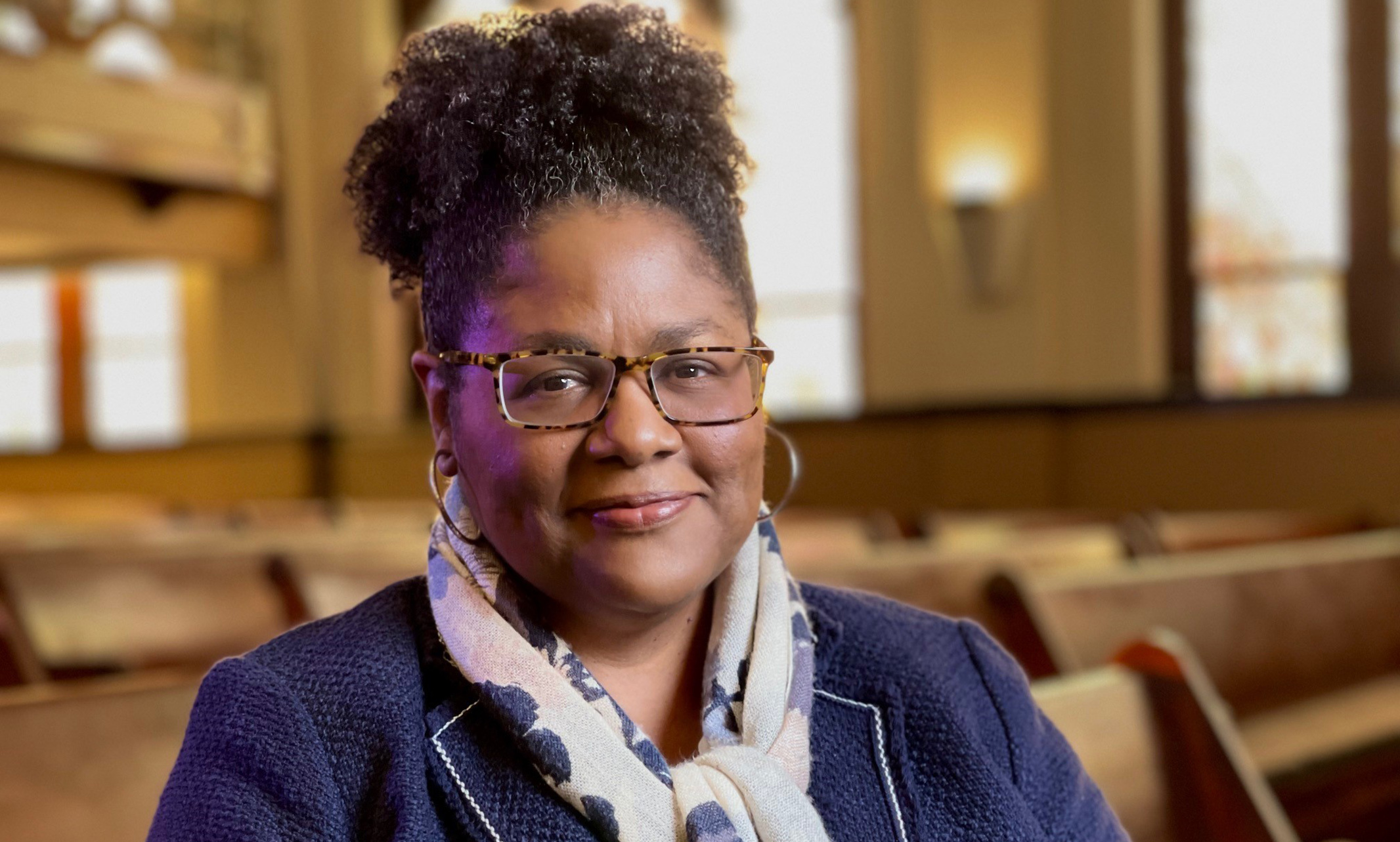
Trial is a continuation of Jannette Berkley-Patton’s Faithful Response to COVID-19 project.
Jannette Berkley-Patton, Ph.D., director of the UMKC Health Equity Institute and a professor in the Department of Biomedical and Health Informatics at the School of Medicine, has received a nearly $2.2 million, two-year grant from the National Institutes of Health for a project designed to increase testing and treatment for COVID-19 by partnering with African American churches and health agencies.
The effort is part of an NIH initiative called Rapid Acceleration of Diagnostics-Underserved Populations (RADx-Up); a consortium of community-engaged research projects designed to increase access to COVID testing in underserved communities.
The randomized trial will study the effectiveness of a religiously tailored intervention in motivating adult African American church and community members to be tested and to seek treatment for COVID-19.
Working with 12 community churches in the Kansas City area, the program will engage the help of pastors to promote testing and demonstrate to their congregations how testing works. Among other services, the churches will also offer rapid COVID testing and provide support and referrals to treatment to those who test positive.
“Our project will examine whether people really want to get tested and seek treatment if we use a religiously tailored approach,” Berkley-Patton said. “We will work collaboratively with our churches to encourage people to not only get the rapid COVID test, but to get treatment that could potentially help reduce their symptoms and likely keep them out of the hospital.
“We’re hoping this approach can be informative not only for this study but for other types of rapid diagnostics that can lead to treatment, especially if the referral is made quickly and support is provided.”
The new grant-funded study is a continuation of Berkley-Patton’s Faithful Response to COVID-19 project, a two-year, NIH-backed clinical trial that started in January 2021 to promote COVID-19 testing with the African American community with the support of churches and other faith-based and community organizations.
Those efforts were so successful in testing and raising awareness that the Jackson County Legislature awarded a $5 million grant to support Our Healthy Kansas City Eastside, another UMKC Health Equity Institute project that administered nearly 13,000 COVID vaccinations to members of Kansas City’s minority and underrepresented communities in just 18 months. The county recently extended that program as well with the support of an additional $5 million grant.
“In the early days of the pandemic, COVID testing was not available to everyone. Access to testing was particularly limited in underserved communities, which led to the NIH initiative RADxUP,” Berkley-Patton said. “In the initial project, we are demonstrating that people will take the test at a church site – and even more so when the efforts are religiously and culturally tailored.”
The new study will examine the beliefs and practices of those in underserved communities toward rapid COVID-19 self-testing. Researchers also will study the effectiveness of contact tracing as well as care services such as referrals to treatment, health insurance and community resources.
“With this model, many of our Faithful Response materials are packaged in an easy-to-use toolkit that our community partners helped to create, and can be disseminated in print or electronic formats,” Berkley-Patton said. “We’re hoping the toolkit can be widely disseminated across the country if we can show that the first Faithful Response project was effective and double that up with efficacy of the second project.”
Dec 08, 2022
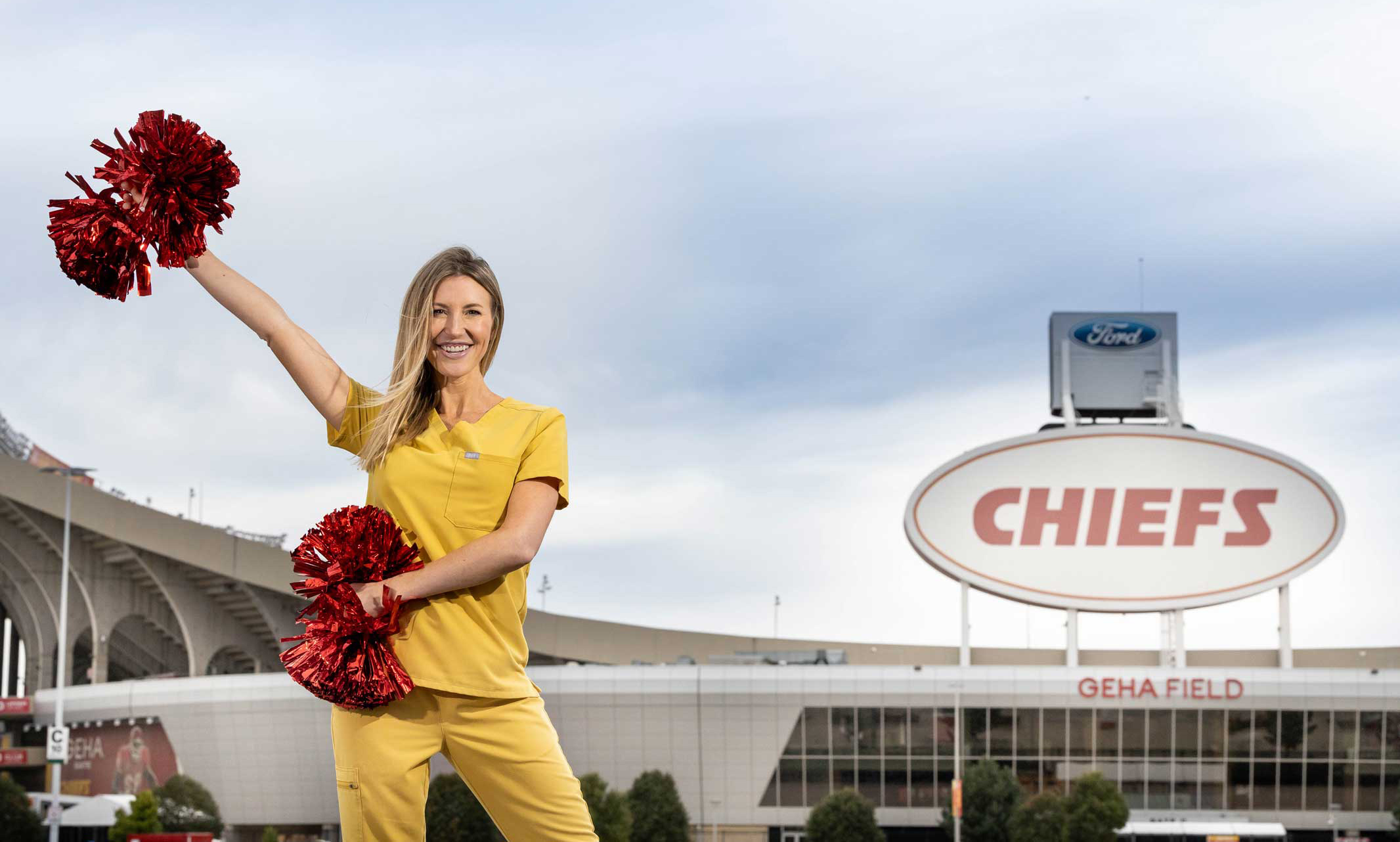
School of Dentistry alumni share a unique link to the Kansas City Chiefs
The connection between cheerleading and the field of dentistry is quite clear for Ashley Hobbs (B.S.D.H. ’11). As a member of the Kansas City Chiefs cheerleading squad, she used her athletic skills to pump up crowds and keep them smiling at Arrowhead Stadium. Now, as a dental hygienist, she’s still focused on bright smiles – but she’s using a different set of skills to motivate and engage with her patients.
“You are their oral health coach,” Hobbs said of her patients. “As a cheerleader, you bring positivity, and you lift everyone up. I do the same for my patients. You are encouraging them to not only improve their oral health, but their overall quality of life.”
Hobbs is a pediatric dental hygienist, a proud alumna and a faculty member at UMKC. And from 2013 to 2016, she was also a Chiefs cheerleader, a unique experience she shares with other School of Dentistry alumni. The school counts several former Chiefs cheerleaders and at least one Chiefs drumline member among its alumni ranks.
These alumni have taken valuable lessons into their careers from their days on the sidelines. For Hobbs, Tim Albright (D.D.S. ’21) and Kathryn Teruya (D.D.S. ’22), the experience reinforced the importance of discipline, teamwork and putting people first.
Smiles in the Crowd and in the Chair
As a member of the Chiefs drumline, the KC Rumble, from 2016 to 2020, Albright was energized by the crowd. Now he gets that feeling from the gratitude of his patients. Whether it’s an undetectable filling or a straightened Invisalign finish, the smiles of his patients take him back to his days drumming in front of 70,000 screaming fans.
“I still experience euphoria whenever I have a solid crown,” Albright said. “Your patient is happy, they’re gleaming. It’s the same look I would get playing music for people. It keeps me going.”
Time in front of fans was not limited to game day. The Rumble and the cheerleaders had public appearances throughout the week. These opportunities to connect with people prepared them for future chairside interactions.
“Everybody has something they’re passionate about. With people who may be apathetic about their dental care, you’re trying to find what sparks them,” Albright said. “Once you find their icebreaker, you’re able to make that connection.”
Public appearances also provided Hobbs an opportunity to hone her pediatric skills. There were often kids excited to meet the cheer squad. Those conversations laid the groundwork for the six years she’s practiced in pediatric dentistry.
“Just learning how to interact with them,” Hobbs said. “I took everything that I learned from the Chiefs and applied it to my work in pediatrics.”
Discipline in Dance, Drumming and Dentistry
Whether drumming or dancing, a common thread emerges: discipline. All three credit the discipline required to succeed in their respective crafts with helping them manage the rigors of dental school.
That discipline was formed back in seventh grade for Albright, when he took up drumming and would practice until midnight every night. Dental school changed his perspective, however.
“I don’t think you need 10,000 hours to master something anymore,” Albright said. “I learned in dental school about the importance of deliberate practice.”
Discipline is also essential in cheerleading because of the demanding schedule. For Hobbs, cheering for the Chiefs felt like a full-time job on top of her full-time job as a hygienist. She had weekly appearances and daily five-hour practices in addition to long game days. She also had fitness testing, mandatory training sessions and extra time in the gym.
“I was newly graduated and new to the dental hygiene profession,” Hobbs said. “It was a struggle juggling both lives.”
Hobbs and Teruya said their love of dance drove them to take on the arduous schedule. Hobbs has a degree in dance and lived in New York, performing with professional dance companies before coming to UMKC. She taught dance while in dental hygiene school.
Dance has been a presence in Teruya’s life since she was three. A former Miss Hawaii (she was crowned in 2017), she’s an experienced dancer in hula, ballet and jazz. She credits the perfectionist nature dancers have to her success in dentistry.
“We always joked on our (Chiefs) dance team that a lot of us are type-A people,” Teruya said. “That correlates well to dentistry. We like things orderly and in a particular way.”
Although the pull toward dance was strong for both Hobbs and Teruya, their priority was always UMKC. Hobbs was laser-focused on becoming a full-time faculty member. Teruya juggled many activities while at the dental school, including the Chiefs cheer squad from 2020 to 2021. But the pursuit she valued most was that of future dentist.
“First and foremost, I moved from Hawaii to Kansas City to be a dental student,” she said.
Team and Community in the Dental Practice
The cheerleading schedule was grueling, Hobbs and Teruya admitted. But they loved being part of a team of women who lifted each other up, both literally and figuratively.
“It’s much more than just dancing on the sidelines,” said Hobbs. “It became a sisterhood where you were supportive of one another and you were in it together.”
During Teruya’s time at UMKC, her two teams joined together for TeamSmile, an event at GEHA Field at Arrowhead Stadium with Chiefs players, coaches and cheerleaders during which UMKC students and faculty provide dental care to underserved children. She got to participate as both a student and a cheerleader.
“It was one of my favorite memories,” Teruya said. “It was really special to be able to celebrate my classmates and connect with the kids.”
The moments standing in front of a crowd at “the loudest stadium in the world” may now be only memories for Hobbs, Teruya and Albright, but those memories serve a purpose. The discipline formed, strong bonds made and feelings that come with energizing a crowd have all made an impact on who they are as dental professionals. The dedication, sense of community and drive to help people connects the worlds of cheer and dentistry.
“Every single year a student will ask, ‘were you really a Chiefs cheerleader?’ and every time I wonder, ‘when will this not be a thing anymore?’” Hobbs said. “But those are some of the best memories of my life and I wouldn’t change it.”
Dec 05, 2022
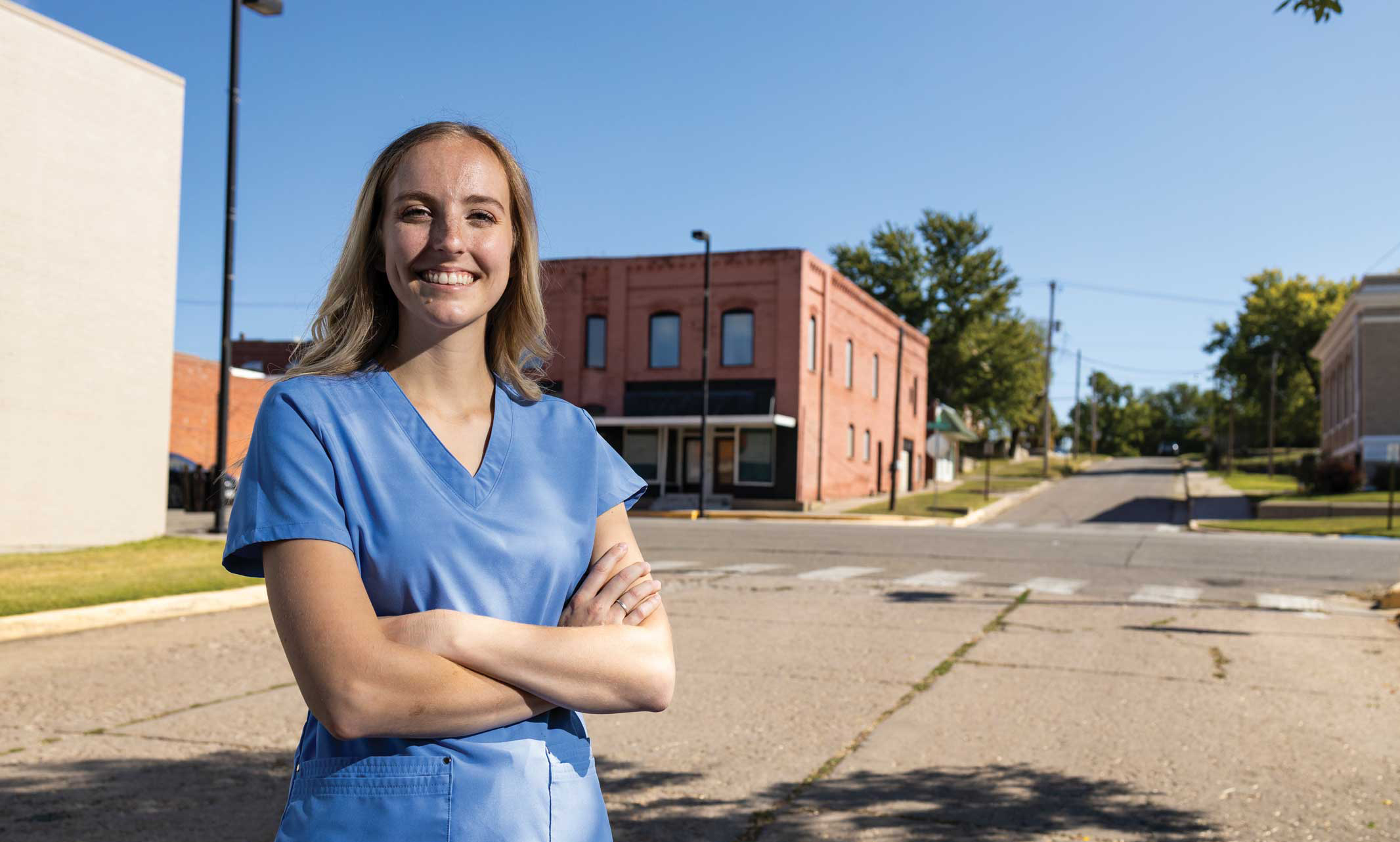
UMKC School of Dentistry and alumni rising to meet the need in rural communities
Only 10 of the 219 counties that make up Missouri and Kansas have enough dental care providers, according to the Rural Health Information Hub. The majority of these dental deserts are in rural communities, which, historically, face challenges in recruiting health-care professionals.
The UMKC School of Dentistry is working to end this dental drought through a number of measures, including a new scholarship aimed at students from rural areas. The scholarship is enabling its first recipient, third year dental student Katie Roe, to fulfill her dream of owning a practice back in her hometown.
Hometown homecoming
Roe’s path to a dental career began in middle school. She and her mother visited their town’s only dentist, Lynn Otte (D.D.S. ’79), to discuss what kind of opportunities the field of dentistry could hold for a young girl from Herington, Kansas.
Through the years, Roe and Otte formed a connection and began discussing plans for Roe to eventually take over Otte’s practice. Roe had always envisioned owning a practice in Herington, but was considering working for another dentist while she paid off her school costs. That is, until she found out she’d be the first recipient of the Dan Root Memorial Scholarship. Now she plans to buy the practice after she graduates.
“I still remember that first discussion we had about dentistry,” Otte said. “And Katie’s just kept working in that direction ever since, which has been wonderful.”
The scholarship was established by Glenda Root in honor of her late husband, Dan, who founded Root Dental Laboratory, where he worked closely with many UMKC dentistry alumni. The transformational scholarship will cover a full year of Roe’s tuition. It doesn’t end with her. Thanks to the Roots’ donation, UMKC estimates it will be able to award three or four full-tuition scholarships annually, beginning next year. The scholarships will go to students with a demonstrated financial need, with preference given to students from rural areas.
“This scholarship allows me to focus on what’s most important to me — helping people,” Roe said. “It doesn’t just impact me; it impacts my immediate family, my future family, the patients. The ripple effect of this scholarship is amazing.”
Roe has long been dedicated to her hometown of Herington, about 50 miles south of Manhattan, Kansas, population 2,129. Her loyalty was solidified when her brother was diagnosed with a serious health issue and the people in Herington rallied behind her family.
“Everyone in town stepped up to help us in our time of need,” she said.
Encouraging rural Roos
Richard Bigham, assistant dean for student programs at the UMKC School of Dentistry, said he hopes lifting some of the financial burden will make scholarship recipients more willing to return to their rural roots and fill the need. Many students worry whether they can maximize their earning potential in rural areas.
According to Dean Steven Haas, practices in rural areas show lower gross income compared to urban practices. The flip side is that urban practices can suffer greater losses and failure rates due to overhead costs and competition, among other things. Haas said that a newly opened rural practice can be financially successful in one year and subsequently generate a stable earning for a dentist.
These shortages are not limited to dentistry, as the entire health-care field is grappling with a maldistribution of health-care providers. Beyond scholarships, Haas said the school has incorporated courses into its curriculum that explore some of the challenges rural populations face, such as the Community-Based Dental Education course.
The school is also working to get students out to rural areas through some of these courses, particularly through externships at community health centers across Missouri and Kansas. According to Melanie Simmer-Beck (R.D.H. ’94, Ph.D. ’13), each year, about half of the third-and fourth-year students who take the class choose health-care centers based in rural communities, and a number of them come back with job offers in-hand.
Simmer-Beck is both the chair of Dental Public Health and Behavior Sciences and the director of the UMKC Students Training in Academia, Health and Research (STAHR) Dental Scholars program at the School of Dentistry. STAHR is a pipeline program that addresses shortages in both rural and urban areas of Missouri. The program also includes the schools of medicine and pharmacy, and focuses on increasing the number of students from economically and educationally disadvantaged backgrounds, while helping students better prepare for the rigors of health sciences programs.
“The dental school has always been committed to seeking out students who come from rural areas, hoping they have a strong desire to return and give back,” Haas said. “Scholarships like the Dan Root Memorial Scholarship are an amazing act of philanthropy.”
Ample opportunity for alumni
Justin (D.D.S. ’07) and Sadie (B.S.D.H. ’05) Ebersole began mapping out their plans for practicing in a rural area on their first date, when they were students at the UMKC School of Dentistry.
“He told me, ‘I’m a small-town boy and I’m going to a small town in Kansas, so if you want to live in the city, you should probably move on,’” Sadie said.
They’ve made for a great “small town team” ever since. The Ebersoles own Parsons Dental Care in Parsons, Kansas. Justin is the practicing dentist. Sadie started as a hygienist, but has transitioned to office manager, while still practicing one or two days a week.
The couple settled on Parsons, near Justin’s family farm in neighboring Chautauqua County, because they found a practice that met all their criteria. After graduation, they joined the practice in Parsons and acquired sole ownership in 2020.
“We did some serious research when evaluating practices,” Justin said. “I would strongly encourage people to look at all the numbers: how many active patients, how many dentists are in that town and the surrounding area.”
The Ebersoles agree the most rewarding part of owning a small-town practice is getting to know their patients. In the years they’ve been in Parsons, they’ve been able to watch families form and kids grow up.
“Those bonds that you build are so cool,” Justin said. “I see great-grandparents, grandparents and all the way down.”
It also doesn’t hurt that business is good. The Ebersoles hope practitioners realize the significant need in these rural areas also means opportunity.
“We have no need for an advertising budget,” Justin said. “There are more patients than you can ever handle. I never imagined how well we would do. That’s been a huge bonus.”
While it may be a bonus, Sadie stresses the decision to practice in a rural area shouldn’t only be a financial choice. According to her, a practitioner considering a rural setting needs to feel a personal connection to the area. The Ebersoles love how immersed they are in the Parsons community.
“I would just encourage people to maybe step outside their box and go to some of these places that are rural and are looking for a dentist. Just give it a chance,” Justin said. “Be open minded about all the benefits of living in a small town.”
Dec 01, 2022
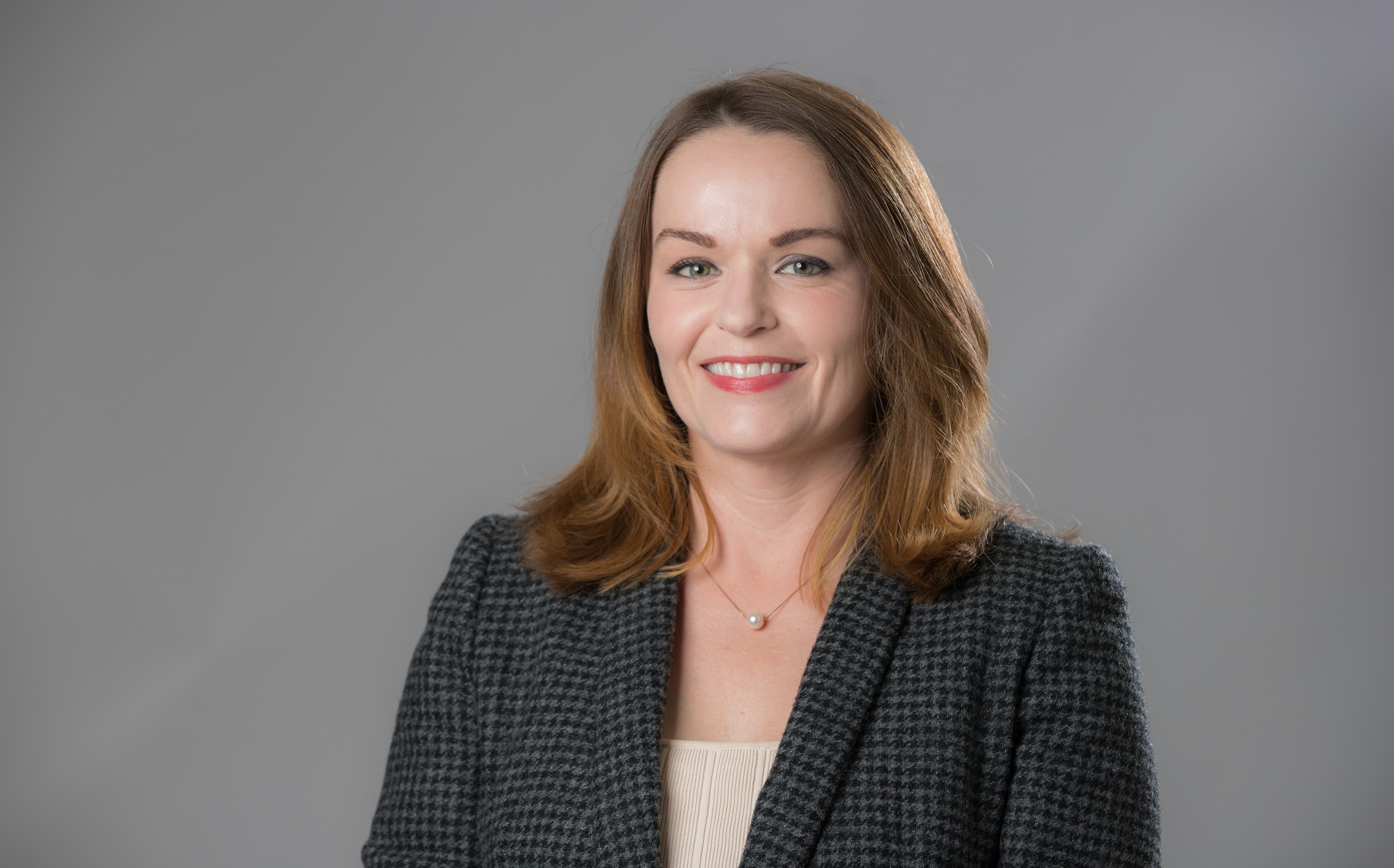
Meet the new UMKC Foundation president
Alumna Amanda Davis, (MPA ’02) begins her role as UMKC chief advancement officer and president of the UMKC Foundation this week. Her vision for the role is based on her history at the university.
Davis is a five-generation Missourian and an alumna of the UMKC Bloch School of Management where she earned her master’s in public administration. She was a fundraiser for the Red Cross in New Orleans and other nonprofits before falling in love with higher education and returning to Kansas City to work at the UMKC School of Law. Her most recent role was assistant vice president for campaign leadership at the University of Oklahoma Foundation, where she developed programs and policy to accelerate advancement outcomes. Her focus on identifying gift opportunities and prospects contributed to more than $300 million in annual fundraising results and the launch of a $2 billion comprehensive campaign for OU.
What are you most looking forward to in your new position as UMKC Foundation president?
I’m looking forward to having the opportunity to put the education that I received at the Bloch School of Management to good use to help the university grow and continue to succeed. Part of that is to improve the university’s advancement in an overarching sense, and also grow partnerships with existing donors and alumni.
As an alumna, how does it feel to be back on campus?
Honestly, it’s thrilling. There is so much going on at both campuses. It’s very exciting to come home to UMKC at this particular moment. The chancellor’s leadership is visionary, which dovetails with the visionary leadership we are seeing across Kansas City and complements the incredible strength of the UMKC Foundation board. It’s an exciting time for me to step back in and to be able to make positive change and continue to build UMKC.
How does your experience as a student impact your perspective as UMKC leadership?
I have an incredible enthusiasm for this institution, particularly in its current iteration. I came to UMKC at the exact time in my life that allowed me to discover philanthropy as a career. It's incredibly meaningful to be able to take a skill set that I learned from UMKC, and then come back and use those skills to benefit the institution. I hope my work at UMKC enables other students to feel at home here and have the opportunity to earn an education in their given field so they can go on to do great things.
When you think about the best teams that you’ve been a part of, what about them stands out in your mind?
Two things stand out to me. One, on the best teams there is a safe psychological space to take risks and to do the best you can do. And two, it’s important to have a cohesive direction from leadership so everyone knows what their role is and that they are all rowing in the same direction.
What do you think is the key – or keys – to successful fundraising?
Considering everything from the donors’ perspectives is essential. It’s important to recognize that many of our most engaged donors may be giving in different ways. Perhaps they give an annual gift, but have also planned an estate gift, or are passionate about supporting a specific program or student service. It’s essential to consider how their interests in giving intersect to understand how they feel about the university and how it feels to be the donor from outside the organization.
One more – what is something about you that would surprise people?
One of my passions is costume making. I inherited that gene from my mother, who always made us fabulous Halloween costumes. That’s where I learned the transformative power and fun of costumes. When I moved to New Orleans in my twenties, I was the person my friends came to for help with their Mardi Gras costumes.
Nov 30, 2022
Students are recognized for their outstanding scholastic performance, community leadership and service
These seven students’ accomplishments include being published in peer-reviewed journals, beginning new student programs at UMKC, involvement with student government, leadership in diversity-focused organizations on campus, extensive volunteer work with community organizations and more.
Every semester, exceptional graduating students are honored with this designation. These students maintain excellent scholastic performance while actively participating in university activities and community service outside of the classroom.
"Our students embody the values of UMKC with their dedication to their academic success and service to the university and surrounding communities," said Michele D. Smith, Ph.D., vice provost for student affairs and dean of students. “As the Dean of Students, I am proud to recognize their achievements and know without a doubt they all have successful futures ahead of them."
Students shared their memories of their college years at a special breakfast celebration in their honor. Some excerpts:
Francesca Moisson: “My proudest accomplishment has been the creation of the Peer Mentor Program for MD students. During my matriculation to medical school, I sought out a peer mentor to facilitate the jarring transition, including moving to a new city with few personal ties and preparing for the academic and mental challenges medical school presents. Realizing that a formal mentorship did not exist, I collaborated with administration and faculty to bring this need to fruition. We created a formal mentorship program for incoming MD students in which they are paired with a first- or second-year student based on interests, backgrounds and goals. This incoming class will serve as the third year of the mentorship program.”
Carlyn Euritt: “When I was choosing where I wanted to go to college, I was drawn to UMKC because I knew it was an institution where I could get access to the best opportunities to achieve my academic goals. As I reflect on these past four years, UMKC has exceeded my expectations for what I had expected my undergraduate years to look like. I have conducted ophthalmology research alongside Dr. Peter Koulen, gained an excellent education from passionate professors within the School of Science and Engineering and even learned Spanish. It is also through UMKC that I have achieved my proudest accomplishment yet, which is being published as a co-author alongside Dr. Koulen and other scientists within his lab.”
Congratulations to the Spring 2022 Dean of Students Honor Recipients!
Hailey Armbruster, School of Science and Engineering
Christian Dang, School of Science and Engineering
Carlyn Euritt, School of Science and Engineering
Karl Manoza, School of Science and Engineering
Nathan Meshau, School of Humanities and Social Sciences
Francesca Moisson, School of Medicine
Turquoise Templeton, School of Medicine
Nov 30, 2022
Tensions have been rising between the two nations for generations over human rights abuses, nuclear facilities and women’s rights.
Despite the fact that his squad has played one of the World Cup’s top teams to a draw right before having to win or go home Tuesday, USA Head Coach Gregg Berhalter was fending off questions about the deeper political meaning of his team’s match against Iran. No matter how much he and his players want to frame it that way, UMKC associate political science professor Dr. Debra Leiter said it’s just not possible. “The United States has identified Iran as one of its rivals and Iran has certainly targeted the United States as its key geopolitical rival,” said Dr. Leiter. Read more.
Nov 29, 2022
Generosity from donors enables the UMKC Conservatory to expand their Keyboard Area
The UMKC Conservatory has purchased two new Steinway & Sons pianos for performances by students, faculty and guest artists.
In September 2021, then-Interim Dean Dr. Andrew Granade traveled with keyboard faculty Alon Goldstein, Thomas Rosenkranz, and Karen Savage to the Steinway & Sons factory in Astoria, Queens to preview, test and select the pianos. The Conservatory also worked with Gordon McNelly, president and owner of the Steinway Piano Gallery in Lenexa, Kansas.
After careful consideration, the group selected a Hamburg Steinway D, purchased with funds from a generous grant by the Richard J. Stern Foundation for the Arts, and a Steinway model B, purchased with a gift from Mr. Michael Waterford.
Rosenkranz, associate professor of piano and coordinator of the Keyboard Area stated, “The keyboard area at UMKC is extremely grateful to the generosity of the donors that supported the purchase of two new Steinway grand pianos. Steinway pianos have a coloristic range and projection that is in a class all their own, and we believe that these new instruments will inspire and benefit our faculty and students for generations to come.”
Granade was also grateful to bring the prized new pianos home, noting, “The Conservatory is thankful for the many donors who also made contributions toward the purchase of these pianos, as their generosity made the selection possible. The Hamburg Steinway will be on White Recital Hall stage for performances by students, faculty and guest artists and is truly a world-class piano.”
Nov 29, 2022
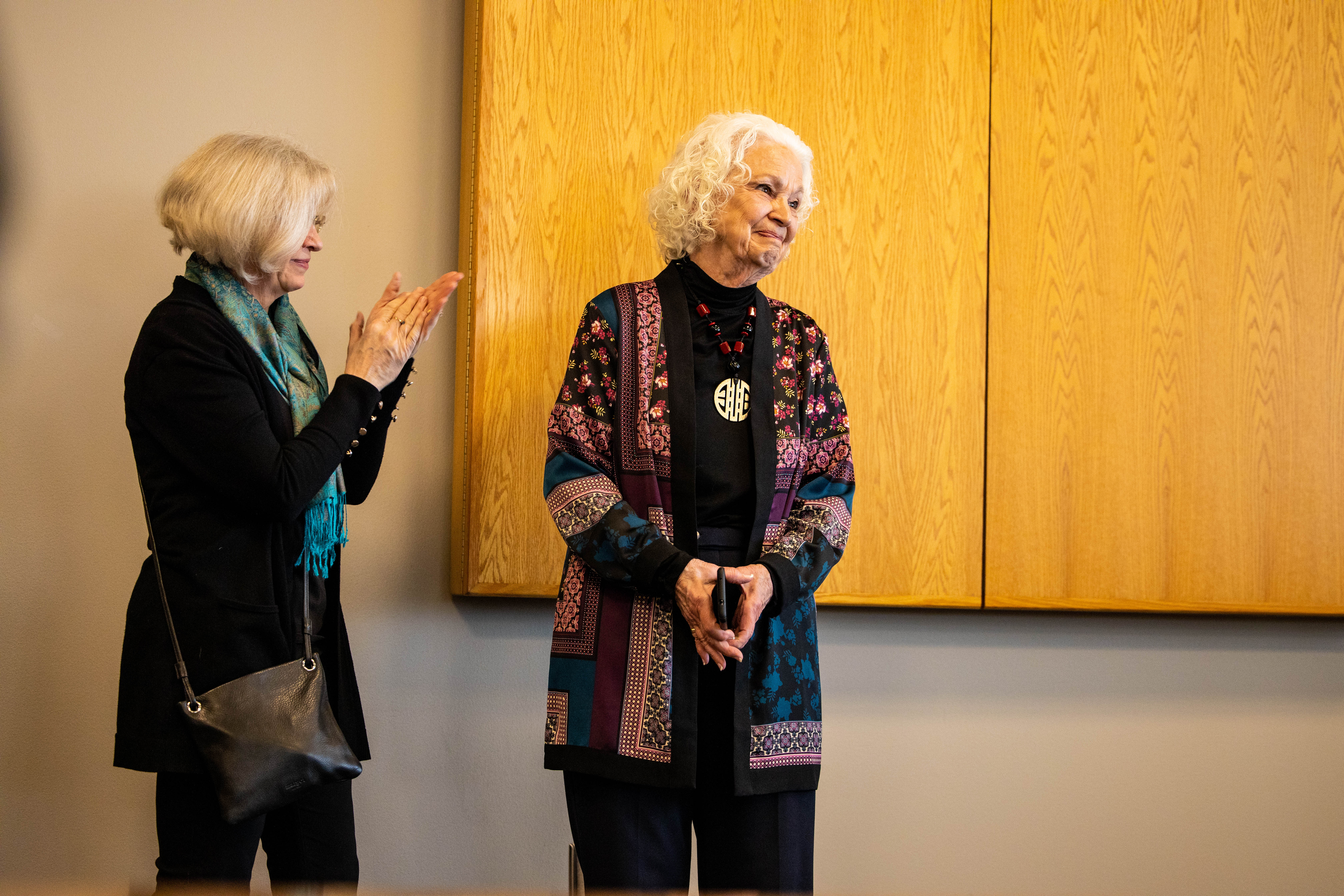
Annette Luyben continues her family’s history of supporting musicians
Anette Luyben, who grew up working in her family’s eponymous music store on Main Street in Kansas City, has lived her life surrounded by music and musicians. While the shop has moved online and narrowed its services, she continues to fuel the music community in Kansas City through gifts to the UMKC Conservatory.
In the past two years she has established four endowed scholarships for Conservatory students and contributed materials to the LaBudde Special Collections.
“My father opened the business in 1948,” Luyben said of the music shop.
"There should be a sign above the door that says, ‘The nicest people in the world walk through these doors.'”—Annette Luyben
While the first location of the store was farther south on 63rd Street, most people are familiar with the trim brick building on Main Street with the red door and red and white striped awning, with “Luyben” in distinct, linear black lettering.
“I was there from the time I was 5 years old. Later, when I went to Westport High School, I would walk over to the store to work after school. During college I worked there during the summers.”
Luyben’s sold sheet music, musical instruments and supplies, and also provided lessons for students. She remembers her parents hiring their first Conservatory student to work in the shop in 1955.
“They hired Don Shoberg, a student who had come in to buy a reed,” she says. “My mom liked him and asked if he wanted a job. He worked for us for 63 years.”
Shoberg (B.M. ’58; M.M. ’64, music composition) was the first of more than 200 students of the UMKC Conservatory who would come to work with the Luybens.
“It has been a strong bond,” she says.
Despite her respect for the business and the delight of the many friendships she made there, she did not start out to make music her life’s work.
“I have a degree in American history and economics, and I taught high school for 15 years,” said Luyben.
Luyben quit teaching and went to work in the shop when her father was diagnosed with Parkinson’s disease.
“I knew if the business was going to continue that my mother was going to need more help,” she says. “It was totally my choice. I was proud to be Bob Luyben’s daughter.”
The Luybens’ connection with the Conservatory included relationships with customers who had first come to the shop as children. American operatic tenor Vinson Cole, (B.M. ’72) would visit the shop as a child, Luyben recalls. As a high schooler, Grammy award-winning opera singer Joyce Di Donato was another regular visitor at the Luybens’ shop.
“We were blessed to have so many wonderful customers. I used to say, There should be a sign above the door that says, ‘The nicest people in the world walk through these doors.'”
That good will did not stop with the relationships that the Luyben family had with the students through employment and commerce. Annette Luyben is an enthusiastic and dedicated supporter of UMKC students and programs. She donated significant documentation from the shop archives to the UMKC LaBudde Special Collections this year. But her focus —and joy — is in supporting scholarships for students.
“When my mother passed away, we asked that people support a scholarship at the Conservatory in her name in lieu of flowers.”
When Robert Luyben died in 1993, she added his name to the scholarship and shifted the requirement to support students studying clarinet. But her generosity did not end there. She has established three named scholarships in the last two years.
Shoberg, who worked at the shop for those many years, died in May 2021. He remembered Annette Luyben in his estate, and her first thought was to use the money to honor Shoberg with an endowed scholarship in his name.
"I'm the messenger . . . I'm happy there’s scholarships in place that other people can give to."— Annette Luyben
“Don was very active at UMKC. He was on the UMKC Alumni Association Governing Board and was very active with the Conservatory Alumni and Friends Governing Board. A scholarship seemed like the best way to honor him.”
When Luyben’s close friend Richard Williams died six months later, she thought contributing to the scholarship in his name would be a fitting tribute to Williams’ dedication to the Conservatory for his work as assistant professor of piano and voice.
“When I called Mark Mattison and told him that I wanted to contribute to Richard’s scholarship, he let me know that there wasn’t a scholarship in Richard’s name,” said Luyben.
With some of the money remaining from Shoberg’s estate, Luyben committed to establishing the Richard L. Williams Memorial Scholarship, which is available to students studying percussion.
“Richard was in our store all the time. He’d been with the Conservatory for 40 years and was close friends with Don. The day I talked to Mark I went out to get the mail and there was another check from the settlement of Don’s estate. It was enough to endow the scholarship.”
Rather than seeing herself as the significant philanthropist she is, Luyben credits her late friends.
“I’m the messenger,” she says. “It’s Don and Richard up there doing this. I'm happy there’s scholarships in place that other people can give to.”
Her most recent gift is an endowment for the Karen Richie Greer Memorial Scholarship in Percussion in honor of Karen Ricci Greer, (B.M.E., ’63). Greer, a Kansas City native and gifted percussionist, was a part-time member of the Kansas City Philharmonic at the age of 15. By the time she was 20 years old, she had joined the philharmonic full time.
Greer and Luyben became close friends in their adulthoods and attended many Conservatory events together. After Greer’s death Luyben attended a performance by percussionist Isaiah Petrie.
“He blew my mind,” she remembers. “The following week I reached out to Walter Greer and said, ‘I saw this musician play and he’s remarkable. It made me think of Karen. Do you want to establish a scholarship with me in her name?' And he did.”
Luyben waves away the idea that she could be spending this money on herself.
“These people deserve to be remembered,” she says. “It’s important. Don was incredible. Richard Williams and Karen committed so much. They deserve to be remembered in some other way than on a tombstone.”
Nov 29, 2022
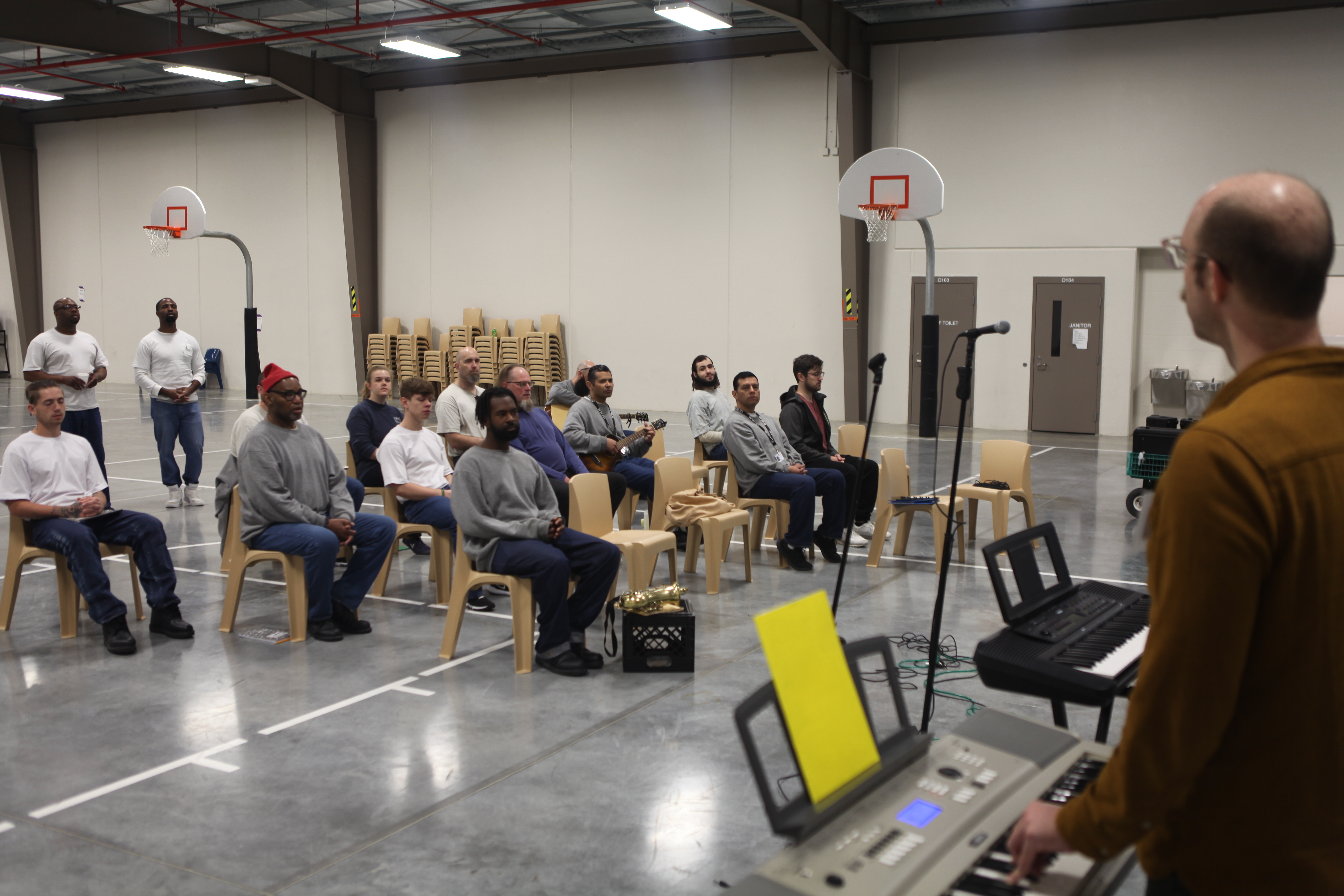
UMKC faculty bring music program to prison, inspiring hope
Faculty members Yotam Haber and Owen Belcher routinely step into a world apart from academic music, yet one that vividly demonstrates the universality of the art.
The pair formed a UMKC chapter of Musicambia, a New York-based nonprofit that works with incarcerated prisoners on composing and performing music. Twice a month, they cross the threshold of the Lansing Correctional Facility in Lansing, Kansas —about a 40-minute drive from campus —to make music with the men incarcerated there.
“Musicambia has been on my radar since about 2017. I’ve been wanting to work with them since my previous position (at the University of New Orleans),” Haber said. When he came to UMKC in Fall 2019, he met Belcher, another new member of the faculty who had a similar interest. Haber suggested they connect with Musicambia to launch the local program.
“It was thanks to my collaboration with Owen and a generous gift from the Kauffman Foundation that allowed us to bring Musicambia here and help us launch our program at Lansing,” Haber said.
Musicambia began as a branch of Carnegie Hall’s Musical Connections Program at Sing Sing Correctional Facility in 2013, and then incorporated as a separate non-profit in 2014.
The national Musicambia organization contacted the wardens at several prisons in the Kansas City region. “Lansing was both the closest and the most willing to work with us,” Belcher recalled.
Following the established Musicambia roadmap, the relationship began with the organization’s Founder/ Artistic Director Nathan Schram and Program.
Director Elliot Cole leading an intensive five-day songwriting session at Lansing along with Haber, Belcher and three of their students. Since then, Haber, Belcher and the students have been returning to Lansing twice a month to continue the music program.
“I was pretty nervous that first day,” Belcher recalled. “But due to the intense nature of the five-day schedule, you get over the nerves and initial shyness pretty quickly. I'd say it took about an hour or two to begin developing a sense of mutual trust. It's a lot to ask of a group of men to sing in front of each other and in front of strangers. It's a vulnerable thing to do, and the prison environment is not one that traditionally rewards vulnerability.”
The program involves creating music, as well as performing it.
"In our work at Lansing, we guide our participants in the process of creating, from the germination of a tiny musical kernal to a full concert. We are not playing music to the students; rather, we facilitate their own vision," Haber said. "It's deeply fulfilling to see this come into fruition. It's the reason I'm an educator, not just a composer."
As for the impact, "I don't want to speak for the participants, but I would hope that our program offers them an outlet to express themselves musically, a chance to work out their artistic ideas and develop their musical abilities," Belcher said. "Our program is designed to be collaborative. What this means in practice is that, although UMKC faculty and students often lead activities, we try to be more like musical partners rather than operating under a traditional teacher-student scenario. If we wind up giving advice or helping answer questions, that arises organically."
Belcher said his motivation stems naturally from his scholarship in music theory.
"My discipline stresses the need to become more inclusive and involve the community; this is also an important goal for the university," he explained. "Incarcerated people are not just underserved —in many cases they aren't served at all."
Haber also pursues a deeper purpose.
"Being in prison is, in large part, not a rehabilitative or positive experience. Most of the incarcerated population will eventually be released, and from my experiences and conversations, they want to build better lives for themselves and their families," Haber said. "Making music together can be a deeply fulfilling, shared, positive experience. I hope that in some small way, this project helps their wellbeing, their sense of purpose and brings some joy."
Nov 29, 2022
The Jackson County Legislature approved another $5 million grant Monday for a group that's made an impact in improving the health of East Kansas Ci...
Dr. Jannette Berkley-Patton, UMKC School of Medicine professor and director of the UMKC Health Equity Project, is in charge of the effort. Read more.
Nov 22, 2022
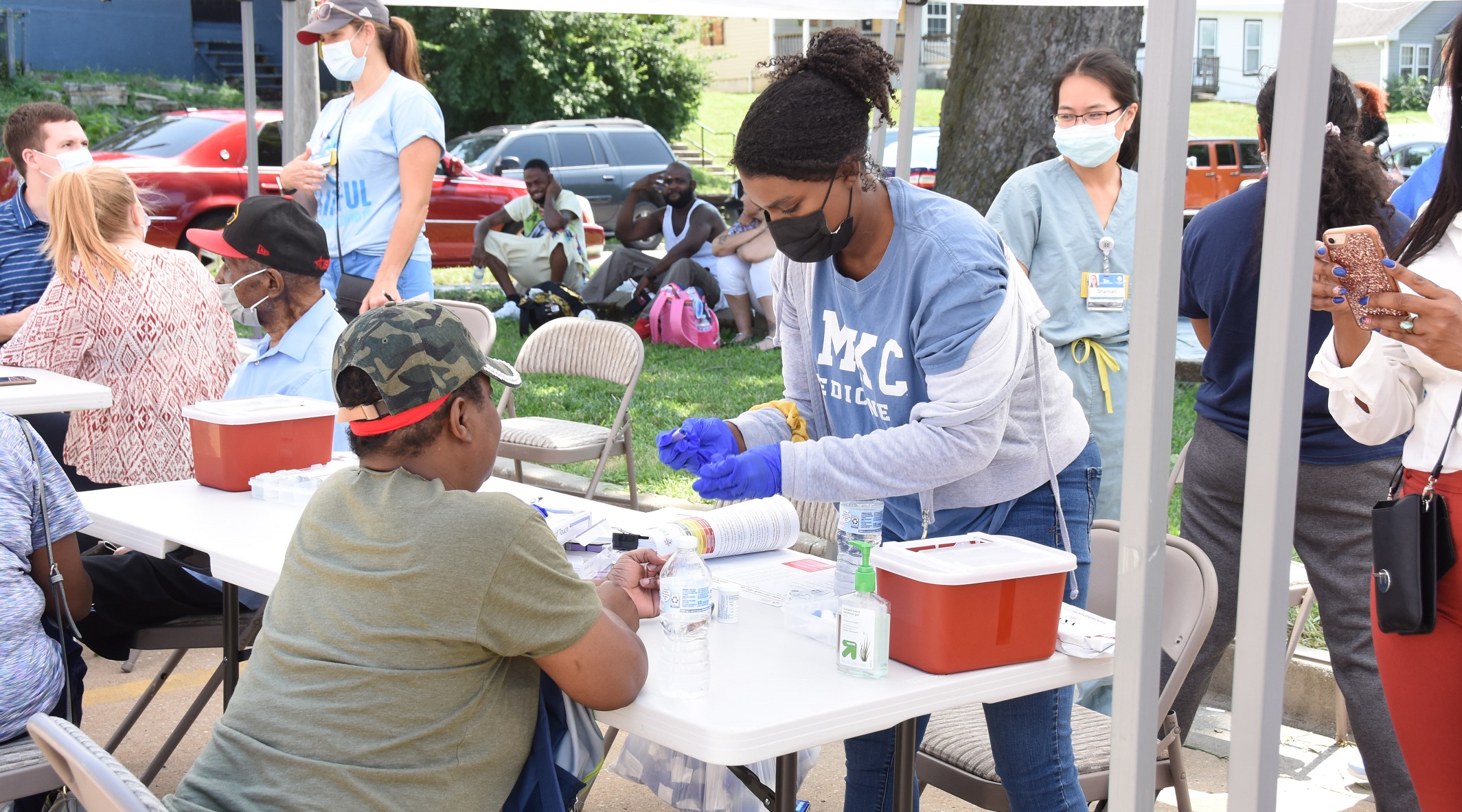
Funding from Jackson County will expand health services on Kansas City’s Eastside
The Jackson County Legislature approved $5 million to continue community health initiatives through Our Healthy Eastside Kansas City, based on the success of the coalition’s impact on COVID-19 and community health from its original funding in 2021.
Jannette Berkley-Patton, Ph.D., professor in the UMKC School of Medicine and director of the university’s Health Equity Institute, is leading the project. The funding will expand COVID-19 vaccinations, health screenings, reproductive services to address infant mortality and successful diabetes prevention programs in Kansas City’s Eastside. This funding is a continuation of the program’s initial $5 million grant.
Our Healthy KC Eastside is a community-wide initiative that promotes and delivers widespread COVID-19 vaccinations and other health services to residents on the east side of Kansas City. More than 60 community organizations and health agencies are partnering with OHKCE to support healthy lifestyles through vaccine events and health screenings such as blood pressure checks, diabetes screenings and dental education. OHKCE health agency partners include the UMKC schools of Dentistry, Medicine, Pharmacy and Nursing and Health Sciences, Children’s Mercy Hospital and University Health.
As part of the OHKCE initiative, more than 3,000 Kansas City residents completed surveys on their health beliefs, which showed that indifference or fear was not always behind low vaccination rates. Often, transportation or access to healthcare were factors. Providing healthcare delivery in community hubs on weekends and evenings provided better availability.
“This is a significant advance in assuring accessible and preventative health services are available to Jackson County residents,” Berkley-Patton says. “Our success with Our Healthy Eastside Kansas City is evidence that working collaboratively with community and health partners can greatly increase the reach of health care in the most underserved neighborhoods and have a positive impact on our entire community.”
“As a provider of community health and regional health education, UMKC recognizes the significance of this funding on our community,” UMKC Chancellor Mauli Agrawal says. “We thank the Jackson County Legislature for their leadership on this issue, and congratulate Dr. Berkley Patton on her dedication to high quality healthcare delivery to every citizen of Jackson County.”
Nov 21, 2022
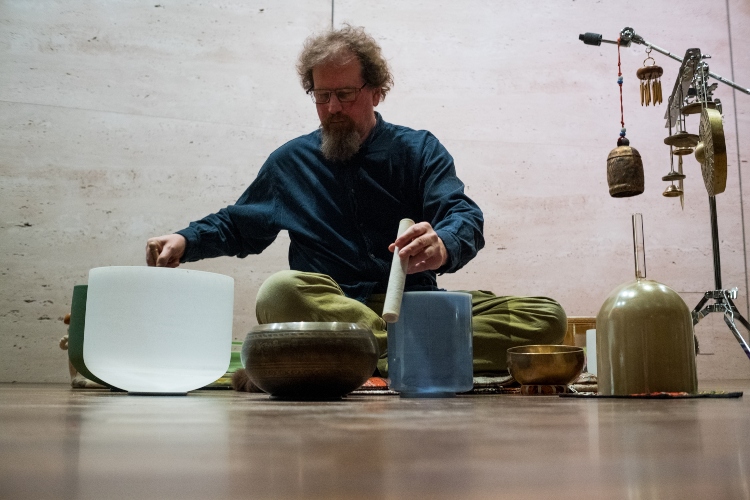
The fine-tuned eccentricities of Paul Rudy.
Paul Rudy has always been fascinated with sound. He’s ridden the sound waves to many impressive achievements as a composer, performer, Guggenheim Fellow, Fulbright Fellow, artist and sound healer. He’s currently the Curator’s Distinguished Professor, but his path to UMKC and the honorary title “High Priest of Sound” was as winding as the labyrinth he created on his Kansas farm.“I understood the power of sound when I was a kid,” Rudy recalled. “My sister was watching a horror movie, and I was behind the couch playing. I heard this sound, and I stood up and started watching. It totally sucked me in. That movie scared the crap out of me! But I knew it was that sounds that drew me in.”Rudy’s fascination with sound continued into his college career, even when he thought it wouldn’t.“I did a jazz trumpet degree at Bethel College in Newton, then I quit music altogether and became a mountain climber and carpenter for four or five years,” he said. “That wasn’t stimulating my brain enough, though. I’ve been chasing my tail my whole life.”The chase would bring him back to music in the late 80’s, when he joined a composition class at Wichita State University. It was there that he composed a piece of music his instructor described as graduate work. Invigorated by this taste of success, he applied for a music composition program at the University of Colorado and earned an assistantship in the program.
"Over the last ten years, I've started to love teaching. It went from being part of the job to something I really look forward to doing." — Paul Rudy
“I discovered the studio, and I fell in love with actually making and sculpting sound,” Rudy reminisced.“That’s why I went the electronic route.”It was this interest in electroacoustic music that would provide him with another opportunity in his academic career. This time, at UMKC’s Health Sciences Campus, working in tandem with Dr. Gary Sutkin, professor of surgery and associate dean of women’s health. Together, the two are studying how sounds in the operating room can affect health outcomes for patients during surgery.“Paul is a scientist,” said Sutkin of his colleague. “When I think of people in the Conservatory, I think of creators, musicians and artists, but I never think of science. And yet, Paul’s brain thinks like a scientist. He comes up with scientific principles, questions for us to analyze, and then he’s really good at analyzing data and distilling it down to what we need to answer our questions.”“I think my study with electroacoustics and knowing how the brain processes sound brought me to the operating room study,” Rudy says. “Sound is vibrating on us, acting upon us all the time. Every time we hear sound it’s not just hitting our ears; it’s hitting our whole body. There was a part of me that was excited about offering something other than just the study of music. This seemed to be an opportunity to take that work into a deeper, more significant arena, and it’s still unfolding.”“We’ve been studying it for about two or three years, and we’re going to study it for about another 20,” said Sutkin, only half-jokingly. “We’re not the first ones to measure the sound environment, but I think we are the first ones to really delve into what we call ‘speech communication interference,’ when someone says something, and the other person doesn’t hear them. There are so many machines that are making loud noises, multiple conversations going on. We’re measuring those interferences, then I think we can make recommendations.”Those recommendations could one day save lives by changing the very nature of how operating rooms are built and managed. For now, the pair are happy with the success they’ve seen, having been published in one medical journal, with a second article currently under review.Rudy considers research a part of his creative process, satisfying his analytical side so as not to hinder creative flow while making his art. “The brain is really good at cataloging and organizing things, but the spirit knows how to make the best use of it all.” That was the realization, Rudy says, when creating became fun. “I felt like I had all these resources starting to really work together and complement each other.”Rudy’s creative spirit carries well beyond music. Settled on 70 acres, north of Lawrence, Kansas, you’ll find Harmony Farm, a home as interesting and eccentric as the man who lives there.“It’s become a canvas, of sorts, that I photograph and that I use to make modern day ‘Nazca Lines,’” says Rudy, referring to massive and mysterious geoglyphs etched across Peru’s Nazca Desert. While Rudy openly admits to keeping a quiet social life outside of the farm, he’s ever eager to share his passions with students at UMKC.“Over the last ten years, I've started to love teaching,” Rudy says. “It went from being part of the job to something I really look forward to doing. Part of what I love is staying in touch with young people.”“Paul is one of the most generous people I know, and one of the most open thinkers,” said Andrew Granade, former interim dean of the Conservatory. “I’ve been on dissertation graduate committees with him many, many times with his students, and they all sound like themselves. He has a unique ability to listen to them, respond to them and help them grow into the artist they need to be.”Rudy challenges his students to find fresh perspectives, and he does so with zest, teaching a general education course he calls the artist in society. “I’ve had students tell me they’ve never seen a piece of art before, I’ve had students tell me they’ve never had a conversation with someone they disagreed with before,” Rudy says. “And I just love seeing what happens when they have those new experiences. Part of my job is mentoring them into those new experiences. I present them with some really uncomfortable stuff, sometimes purposefully, for them to learn how to witness what happens in them when things get uncomfortable.”"Paul is very Socratic in his teaching style,” said Granade, “I imagine the first couple of weeks it’s a little bit uncomfortable for them, because any time you have your beliefs or thoughts challenged, it’s uncomfortable. But what he’s doing is basically saying this is the role of the artist, literally the role of the artist in society is to open up these dialogues.”Rudy says he wants students to think about the ways they act and react. How do they navigate obstacles? How do they learn and grow?
It's a practice he recently had to exercise himself. But through a painful experience, he says he’s found one of his proudest moments.Rudy’s long-time friend, poet Jay Hopler was 51 years old when he lost his battle with cancer in June. The two had studied together at the American Academy of Rome in Italy.“In 2017, Jay was thinking about a poem that would describe himself, and he asked me, ‘If I were a piece of music, what would I be?’” Rudy says the melody was instant. “I heard the music in my head. That doesn’t happen often. Most of the time, it’s hard work, but I knew exactly what Jay sounds like.”Holding up a copy of still life, Hopler’s final published book of poetry, Rudy turned to the last page of the closing entry, where just a few bars of music were included with the poet’s words.“It’s the second-to-last line, even,” he notes. “I don’t think anybody’s ever done that before. A little piece of music, describing this poet, is part of his obituary poem. I didn’t know that until I saw the final copy of the book. I’m actually considering making a whole piece in memoriam of him to celebrate his amazing words and amazing life.”It's there Rudy shows his spirit again. His spirit for life, healing and creation through sound, even when faced with the loss of a friend. It’s this unique mindset that has pushed him to find success time and time again, both personally and professionally.“For me,” Rudy says, “the bottom line is, 'Is what I’m doing interesting?' If not, is it the thing I’m doing? Or the way I’m doing it?” Adding, “It’s usually the latter.”It’s this ability to reshape his own perspective that’s given Rudy new love for everything he does.“I think that’s when my academic career started to change. When I realized it’s not the responsibility of my job to give me fulfillment, that’s my responsibility to find fulfillment in what I’m doing. I love these interesting collaborations that I’m constantly on the lookout for. Teaching is one of those collaborations between me and the generation that’s going to rule the world someday. How cool is that?”
Nov 17, 2022
Achievements noted by legal organizations representing diverse communities
Students and alumni from the School of Law at the University of Missouri-Kansas City were recently recognized with awards and scholarships by two local legal organizations with diverse memberships.
The Jackson County Bar Association, which primarily represents Black attorneys, has recognized State Sen. Barbara Anne Washington (J.D., ‘97), a UMKC School of Law alumna, with the 2022 Lewis W. Clymer Award. Clymer was an assistant prosecuting attorney, assistant attorney general for Missouri, municipal court judge and circuit court judge. The award recognizes a minority attorney for their service to the community and their promotion of the integrity of the legal profession.
The organization also awarded Kit Carson Roque, Jr. scholarships to third-year UMKC law students Sommari T. Muwwakkil II and Jamie Powell. The Roque scholarship is named in honor of UMKC School of Law alumnus the late Kit Carson Roque, Jr. (J.D., ‘76), who served as both a Jackson County Circuit Court judge and a civil rights attorney for the U.S. Dept. of Education.
The Hispanic Bar Association of Greater Kansas City awarded three scholarships to UMKC law students: Alejandro Villalobos, Julia Hernandez and Myriam Paniagua. The scholarships were awarded at the organization’s 30th anniversary scholarship reception, which featured a keynote address by UMKC alumna Judge Justine E. Del Muro (B.A. ’78, J.D. ’84), a Jackson County Circuit Court judge.
“Our School of Law is committed to providing opportunity for all to pursue an exceptional legal education,” said Dean Barbara Glesner Fines. “These awards demonstrate the strength of that commitment.”
Nov 17, 2022

UMKC alumnus Bob Carpenter has done it all, from World Series to World Cup
UMKC alumnus and voice of the Washington Nationals Bob Carpenter (’75) will speak at the mid-year commencement celebration for the Class of 2022 at the T-Mobile Center.
The mid-year commencement will take place at 2 p.m. Sunday, Dec. 18 at Kansas City’s downtown arena. There will be a single ceremony for all academic units. More than 1,000 graduates are expected to participate.
Carpenter earned his bachelor’s degree in Radio-TV-Film from UMKC in 1975 and has fashioned a successful 47-year career in broadcasting. He will be announcing his 40th season of major league baseball in 2023, his 18th for the Nationals. Carpenter has also announced baseball for the St. Louis Cardinals, Texas Rangers, New York Mets and Minnesota Twins.
In 18 years with ESPN, he was a mainstay of their baseball, college basketball and football coverage. He announced seven NCAA basketball tournaments and the Final Four in 2005 for NCAA International. He hosted College Gameday and was one of ESPN’s primary soccer commentators for the 1982 and 1994 World Cups.
Bob and his wife of 43 years, Debbie, have raised more than a half-million dollars for charity in their hometown of Tulsa, Oklahoma. Bob says his two best life decisions have been 1) marrying Debbie and 2) coming to UMKC sight-unseen in January of 1974.
Nov 16, 2022
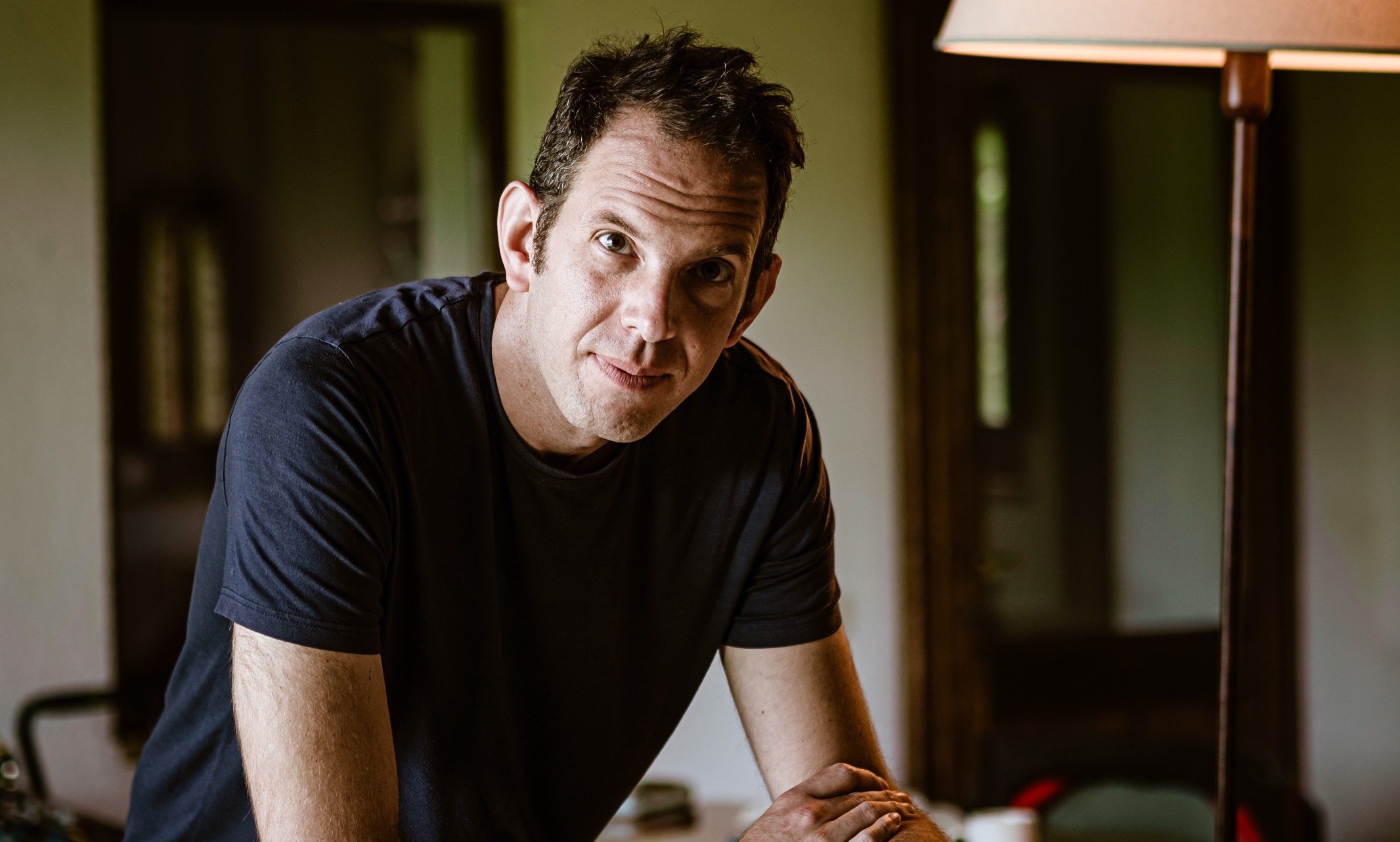
Yotam Haber wins $15,000 to write a major new work
Yotam Haber, associate professor of music composition, was awarded a $15,000 commission to write a new work for the Kahl and Nyce Duo.
Haber’s commission is through Chamber Music America’s (CMA) Classical Commissioning program, which supports U.S.-based composers and ensembles who perform classical and contemporary music. The grants provided through the program support the creation and performance of new works by American composers.
“The CMA’s Classical Commissioning program is prestigious and extremely competitive,” said Haber. “Receiving a grant from CMA is deeply coveted and I’m incredibly honored to have gotten one to write for the Kahl & Nyce Duo, two magnificent artists.”
Haber’s commission will support his work composing a large-scale piece of music for saxophone, piano and electronics. This work will expand on ideas he first explored in “Resistance,” a trumpet piece he wrote for Don-Paul Kahl of the Kahl & Nyce Duo.
“This recognition demonstrates how highly regarded Yotam is as a composer and our students benefit greatly from his knowledge as a professor,” said Conservatory dean Courtney Crappell. “We’re excited to see what he creates with this significant new commission.”
Haber has earned several prestigious awards in the past, including the 2021 Benjamin Danks Award from the American Academy of Arts and Letters, a 2017 Koussevitzky Commission from the Library of Congress, a 2013 Fromm Music Foundation Commission, a 2013 NYFA award, the 2008 Rome Prize and a 2005 John Simon Guggenheim Memorial Foundation Fellowship.
Nov 15, 2022
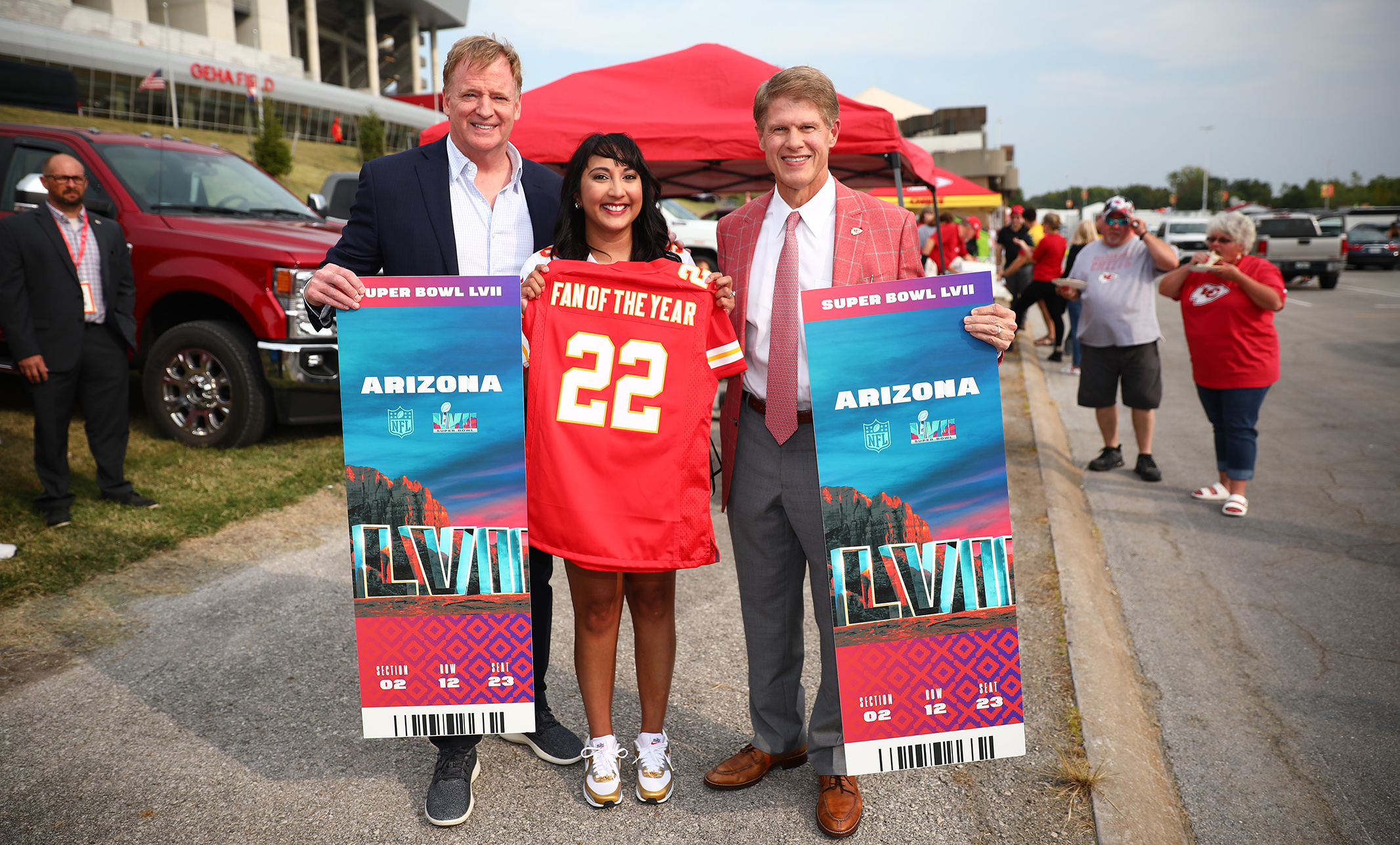
Amy Patel is headed to the Super Bowl as Chiefs’ nominee for NFL Fan of the Year
The Kansas City Chiefs are on a roll in the National Football League and UMKC School of Medicine alumna and faculty member Amy Patel, M.D., is now part of the excitement surrounding Chiefs Kingdom.
Patel, a 2011 graduate and assistant professor of radiology at the School of Medicine, is celebrating the team’s success as its 2022 Fan of the Year. With that, Patel is now the Chiefs’ nominee for 2022 NFL Fan of the Year.
Patel learned of the honor earlier this year before the Chiefs’ home-opening game against the Los Angeles Chargers when she was awarded the game’s Lamar Hunt Legacy Seat that recognizes a community member who represents the spirit of Lamar Hunt, the team’s founder.
“I got to meet (Chiefs’ owner) Clark Hunt and NFL Commissioner Roger Goodell who shared the news with me,” Patel said at the time. “I am still in shock! But I feel so honored to have my work recognized as well as my love of the Chiefs.”
As Chiefs Fan of the Year, Patel will receive two tickets to the Super Bowl in Glendale, Arizona, on Feb. 12 and will be invited to take in all of the game’s surrounding activities.
Each of the NFL’s 32 teams selects a Fan of the Year. Through a combination of fan voting on the league’s web site that began this week and scoring by a panel of judges based on the individual’s enthusiasm, team fandom, inspirational story and community spirit, the NFL will select and announce its Fan of the Year at the Super Bowl.
Patel is a breast imaging specialist and medical director of the Breast Care Center at Liberty Hospital. With a primary focus on breast radiology and research in breast health equity, artificial intelligence, and digital breast tomosynthesis, she helped to build a comprehensive breast care program in Liberty.
Her love for the Chiefs began at an early age growing up in Chillicothe, Missouri. After earning her medical degree, she went to Harvard University, where she helped build a comprehensive breast care program at a local hospital. In 2018, Patel returned to Kansas City, where she is recognized as a champion of helping women achieve equitable access to breast care and a loyal fan of the Chiefs.
Nov 11, 2022
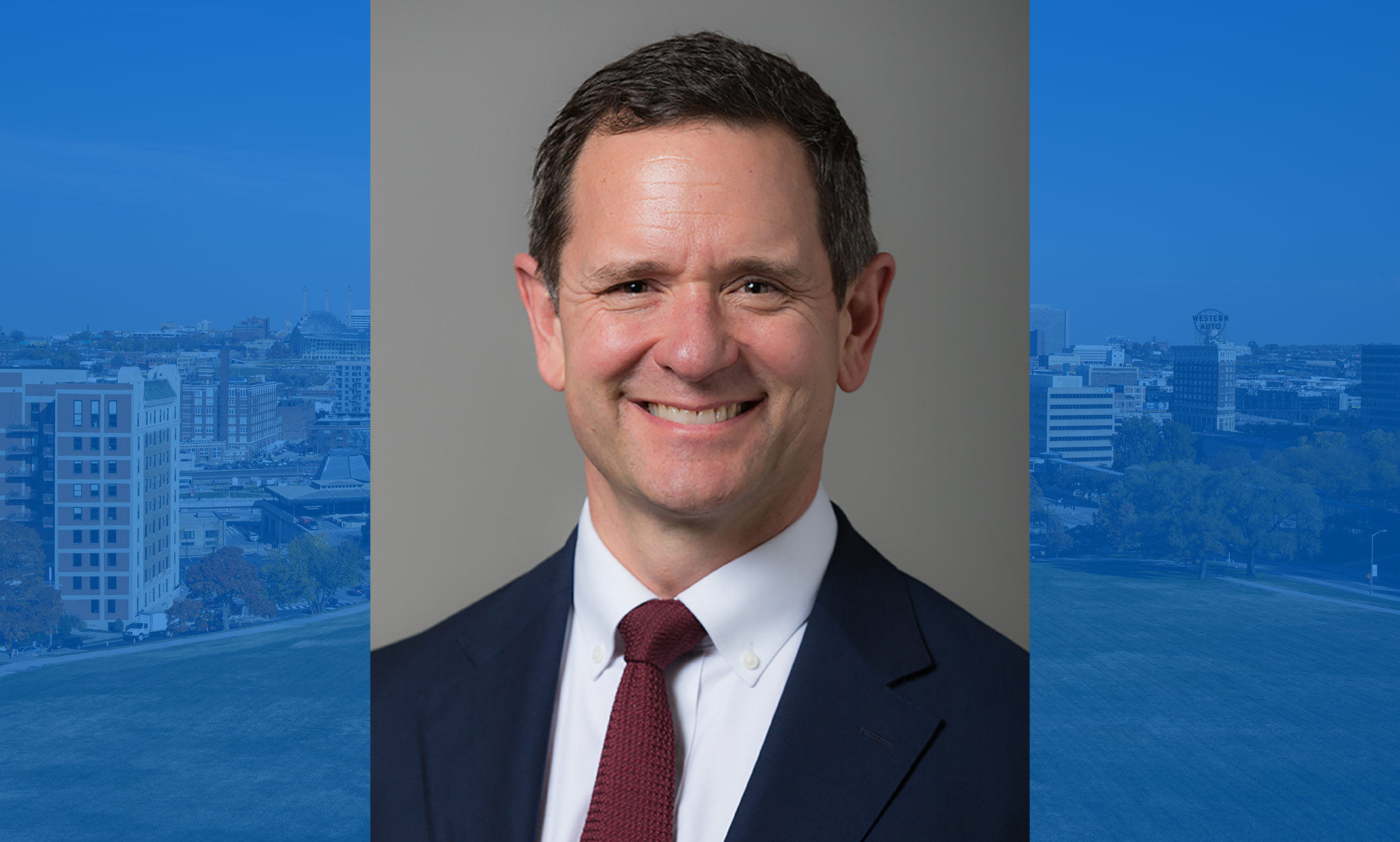
Gus Sonnenberg is a 1997 graduate of the UMKC School of Law
Gus Sonnenberg, a 15-year fundraising veteran, has joined the UMKC Foundation as senior director of major gifts for the Health Sciences Campus. He will work specifically with the schools of Nursing and Health Studies, Medicine and Pharmacy.
Sonnenberg will work with the schools’ leadership to identify, cultivate, solicit and steward those who want to make an impact on student’s lives. He said he is making plans to meet with leadership, faculty and donors to understand the schools’ priorities and create a plan to move forward.
He brings with him a strong record of success managing capital campaigns, having secured six- and seven-figure gifts. He has also led continuing education conferences and taught courses on educational foundation fundraising and leadership.
Sonnenberg, a 1997 graduate of the UMKC School of Law, said he understands the role UMKC plays in serving the greater Kansas City area, and is excited about the work that can be done to advance programs and provide financial support for students.
Sonnenberg is a Kansas City native who attended Rockhurst High School and Creighton University on an Army ROTC scholarship before law school. He started his legal career as an assistant prosecuting attorney in Cass and Jackson counties, working on everything from traffic tickets to felony trials. He was recruited to become general counsel for the General American Mutual Holding Company Receivership, where he managed the distribution of $1.2 billion dollars to individuals and companies around the world.
After wrapping up the receivership, Sonnenberg changed careers and became director of development for Rockhurst High School.
He has been active in the Kansas City Bar Association, St. Elizabeth Parish, Cub Scouts, Brookside Soccer, and the Jesuit Schools Network. He and his wife Julie, a physical therapist and founder of Empower Physical Therapy in Prairie Village, have four children and live in Leawood, Kansas.
Nov 10, 2022
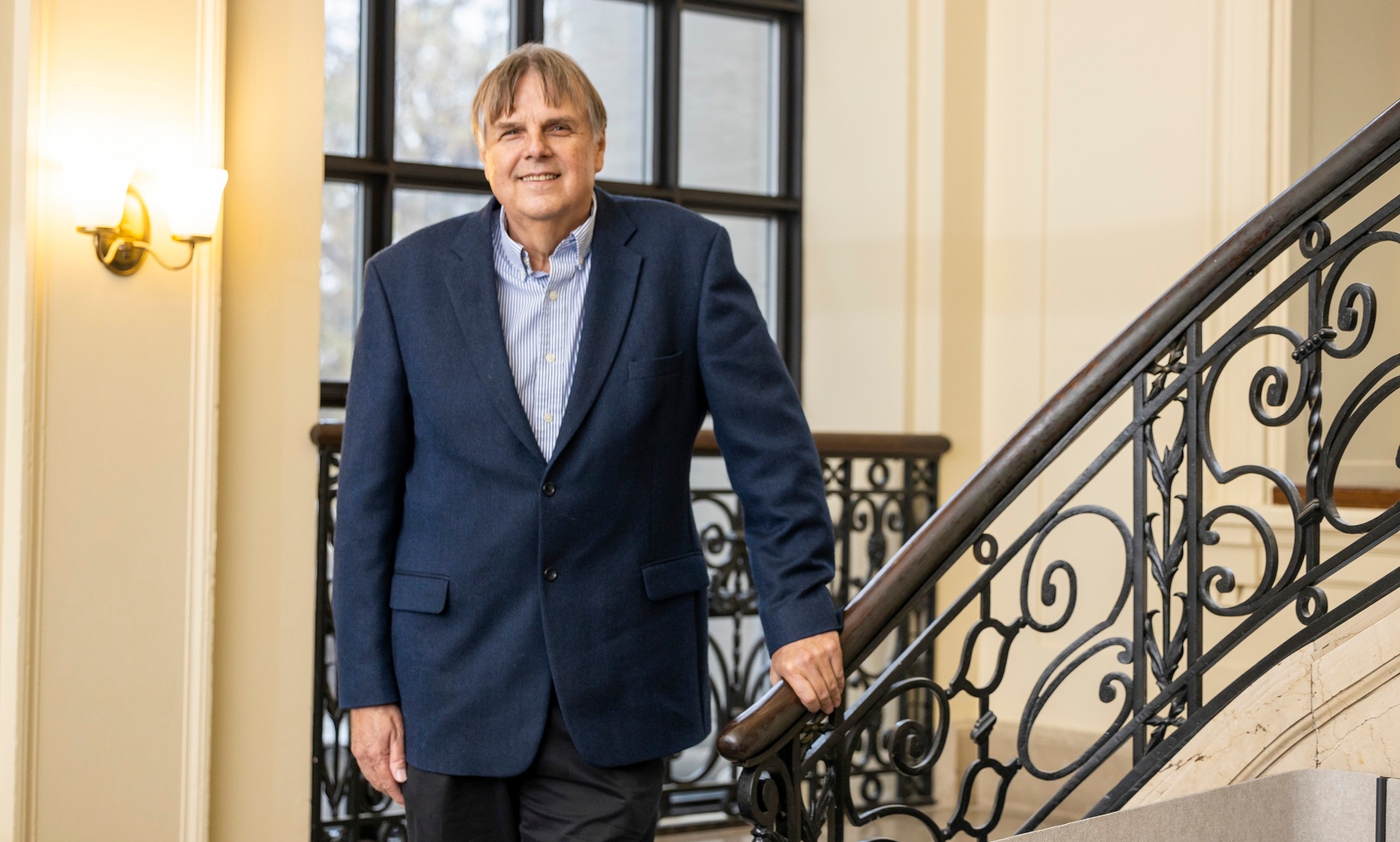
UMKC alumnus and physics professor honors father’s dedication
John Shaw, Jr., Ph.D. (M.S. physics ’76), watched his father go to night school and do his homework at the kitchen table to earn a college degree as he worked and raised a family.
Shaw, a retired physics professor, established a scholarship in his father’s name to give other students the opportunity for academic achievement.
“My father liked to be busy from the minute he got up in the morning to the minute he went to bed,” Shaw says.
John Shaw, Sr. took correspondence courses early in his career as a technician with the Federal Aviation Administration. When he became a FAA instructor, Shaw’s mother suggested that he attend night school.
“I never felt neglected by the fact that he went to school,” Shaw says. “When I was young, he would play catch with me, and read to me and my sister before we went to bed at night.”
In addition, Shaw’s father, who was the first person in his family to graduate from college, was teaching him the value of education and perseverance through his own academic goals. He graduated from college two months before Shaw turned twelve. When Shaw’s father retired, he was deputy regional director for the FAA.
“When I asked him of all the jobs that he had, which was his favorite, he said, ‘Teaching,’” Shaw says.
“Urban universities offer opportunities that are out of reach for other schools. If you’re in Kansas City, the large employer base means it’s easier to get a job while you go to school." - John Shaw, Jr.
This is something Shaw and his father had in common. By the time Shaw started college, he knew that he wanted to earn his doctorate and be a college professor; he taught physics at Northwest Missouri State until he retired in 2016.
“Seeing my dad graduate was an extremely important event in my life,” he says. “I’d always loved learning, but when I saw him graduate and the professors in their full regalia, I began to realize that there was more to education than I’d realized. That was when I became more goal oriented.”
Shaw is a proponent of urban higher education. He says that people may not understand that even students who receive scholarships and aid struggle to meet the financial demands of college.
“Urban universities offer opportunities that are out of reach for other schools,” he says. “If you’re in Kansas City, the large employer base means it’s easier to get a job while you go to school. My father wouldn’t have been eligible for a scholarship in that situation. Urban universities offer paths to education with which rural schools can't compete.”
Nov 09, 2022
Conservatory graduate Douglas Enderle makes surprise announcement at Crescendo reception
Douglas Enderle (M.F.A. '81), the 2010 UMKC Alumnus of the Year, has endowed two new scholarships for UMKC Conservatory students, honoring two longtime friends.
The Debra Joan Tucci scholarship will be awarded to a student in the Edelman Graduate Certificate in Performing Arts Management program. The Pamela Ann Carver scholarship will be awarded to a student majoring in Costume Design, the field in which Enderle built a stellar, Emmy-winning career as a senior costume designer for Walt Disney Entertainment.
Enderle said he read an item in the E-Roos alumni newsletter about the new Performing Arts Management program, intended to prepare students for management positions at not-for-profit performing arts organizations. It immediately made him think of Tucci, a friend of more than 30 years, “who was always willing to help me in whatever I needed to do.”
“I thought, what better thing could I do than to endow a scholarship in her name,” Enderle said. He decided to add a second scholarship in honor of Carver, who hired him to launch his career at Disney.
“She has guided me throughout my career,” he said of Carver. “I thought this would be a good way for me to give back.”
He is endowing the scholarships at UMKC because of the strong relationships he has formed here over the years, starting with Vincent Scassellati, the professor of costume design who hired Enderle as a graduate assistant. When Enderle was nominated for Alumnus of the Year in 2010, he formed new bonds with several people, particularly Curt Crespino, vice chancellor for external relations and constituent engagement; and Karen English, director of advancement for the School of Humanities and Social Sciences.
“These people have been instrumental in making my relationship with UMKC a huge success,” Enderle said. “They are the people who give of themselves. They are gems in this world, and that resonates with me because it seems that there are fewer and fewer of them to be found these days.”
Nov 08, 2022
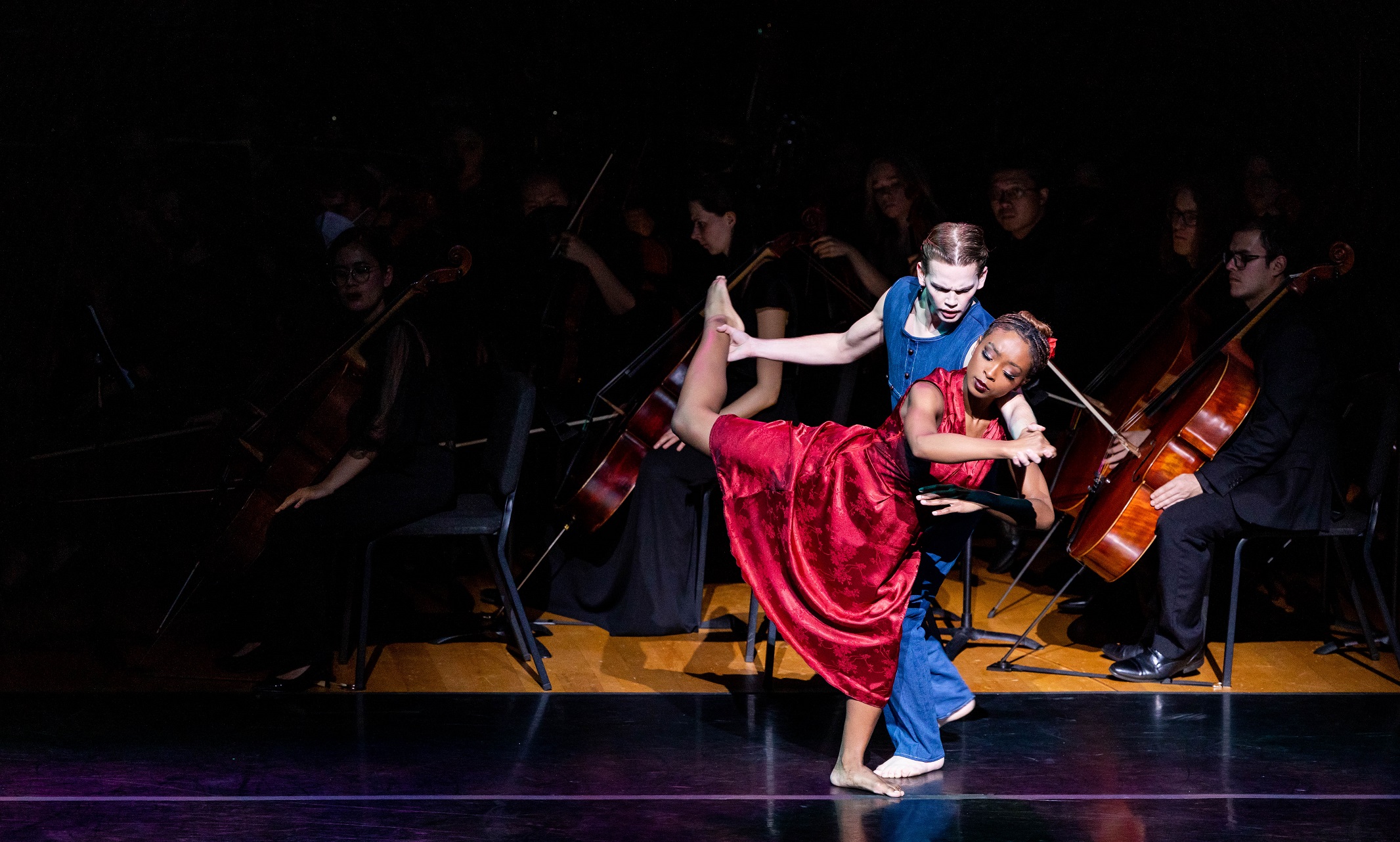
Annual benefit performance is the Conservatory’s largest fundraising event
The 2022 Crescendo event raised more than $650,000 to support Conservatory student scholarships. Approximately 1,000 people attended the gala and performance Friday evening.
Crescendo is a collage-style show, with performances from musicians, dancers and actors. Each piece flows into the next as a continuous performance. This year’s Crescendo included jazz, a strings solo, a piano solo, opera, dance, singers, various ensembles, a scene from the film “The 39 Steps” and more.
“The Crescendo performance is the ultimate exercise in team effort,” said James Snell, Ph.D., associate dean for performance. “We start planning about one year out. In August, we establish the program repertoire and students begin to work on their pieces.”
More than 250 students, faculty members and alumni performed in the show, held in the Kauffman Center for the Performing Arts. This was the 26th annual Crescendo event.
Alumni performers this year included trumpeter Hermon Mehari, operatic bass Scott Conner, operatic tenor Ben Gulley, pianist Crystal Jiang and dancer Caroline Dahm.
Nov 07, 2022
While the Federal Communication Commission estimates that 16 million people in rural America go without broadband Internet access, that number may ...
Researchers Nick Mathews, assistant professor of digital journalism at the University of Missouri-Kansas City, and Christopher Ali, the Pioneers Chair in Telecommunications and Professor of Telecommunications in the Bellisario College of Communications at Pennsylvania State University, conducted 19 interviews with families in a rural county in the East Coast who lacked adequate broadband connections. Read more.
Nov 02, 2022
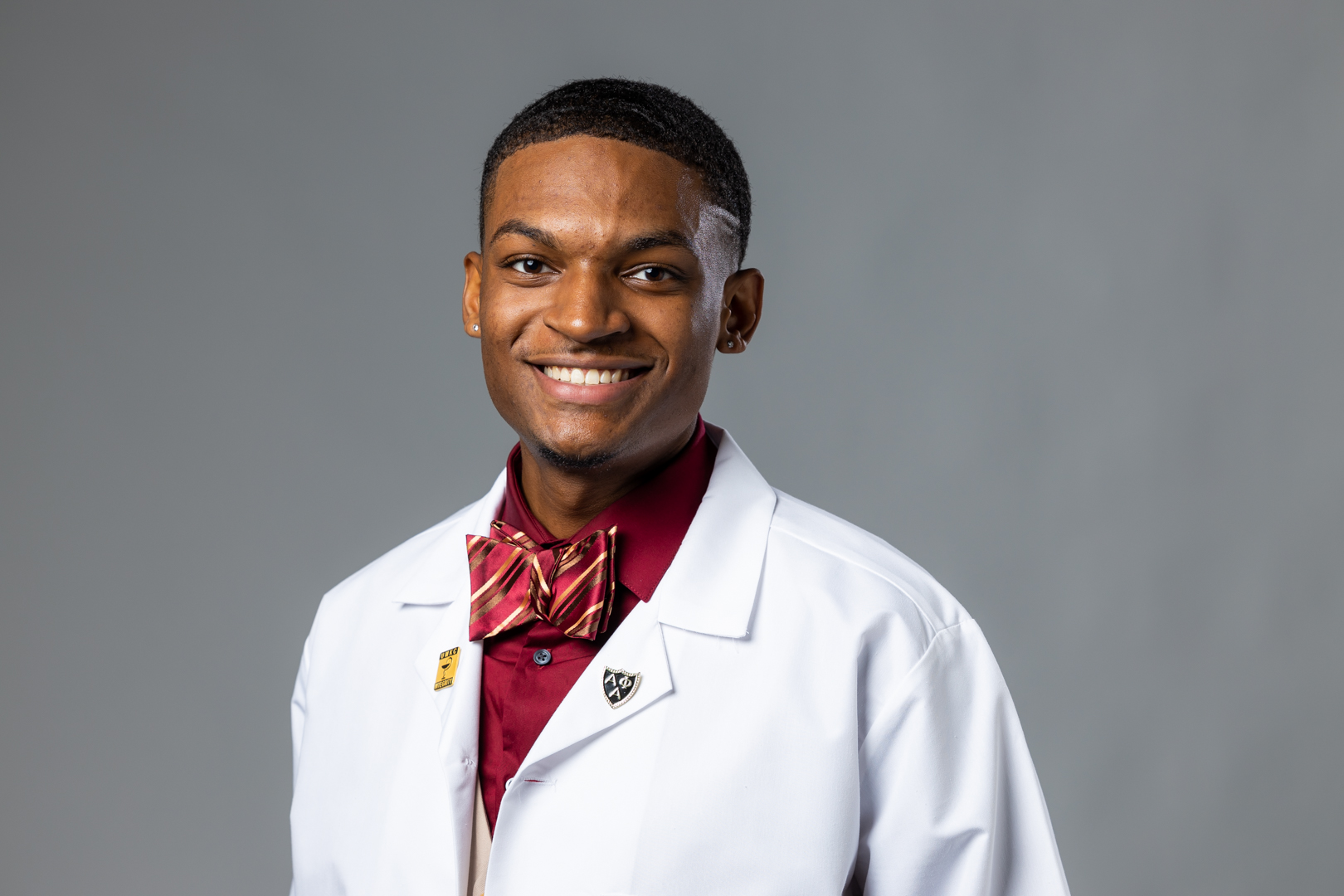
Rewards come from caring for patients and connecting with colleagues
Roos don’t just dream, they do. Our students turn ideas into action every day. Get to know our people, and you’ll know what UMKC is all about.
Calvin FlemonsAnticipated graduation: 2025Academic program: PharmDHometown: St. Louis
Why did you choose UMKC?
I initially chose UMKC for two reasons: It was close to home, and it had a six-year pharmacyprogram compared to seven years at many other universities. I wanted to attend a universitythat was affordable and would allow me to get away from home, but not too far. UMKC isthe perfect distance that allows for independence and a college experience. The six-yearprogram was the big ticket that drew me to campus because I could obtain my PharmD in lesstime and for less money!
Why did you choose your field of study?
Believe it or not, I did not always want to become a pharmacist. Originally, I wanted to become an engineer, but the math courses made me rethink my decisionquickly. However, I still liked math and also loved helping and caring for people. Afterresearching a multitude of careers in healthcare, I felt that pharmacy gave me that perfectbalance.
What are the challenges of the program?
No program is easy, but I would say time management and the heavy course load is challenging. In pharmacy school, there are some weeks when you have three exams, quizzes and homework all due in the same week. It never slows down. The load of the material and amount of studying is the most rewarding, but also the most challenging. You must figure out how to study effectively and utilize all your time efficiently.
What are the benefits of the program?
The biggest benefit of the PharmD program is knowing all this material will equip you to carefor patients in the future. Knowing that people’s lives will be in your hands makes you excitedto learn new things every day and to challenge yourself to a new level. Another benefit ishaving the opportunity to work alongside other programs on the Health Sciences campus. Getting to interact with medical, dental and nursing students allows me to see multiple aspects of healthcare and how we all fit into this large puzzle.
How has your college program inspired you?
My college program has inspired me to never give up and to not only represent myself, but allthose around me and coming after me. Attending a PWI (predominantly white institution),feeling like you belong and feel included can be a challenge sometimes. In this program thereare very few students who look like me, so I am inspired to encourage other students of colorto go into healthcare. Our representation is vital, and if my presence can help someone elsefeel inspired or interested in healthcare, then I am doing my part.
Since entering college, what have you learned about yourself?
Comparing freshman year to me today is a 0 - 100 experience. During my journey in school, Ihave learned that I am very ambitious and want to get the most out of my experience here. Ilove being involved and interacting with others on campus whether it is students, faculty oradministration. I have also learned that I am - and want to continue to be - impactful on and offcampus. I believe the best way to make an impact is to give back and serve those around you.Through my time working with organizations, I learned that I could impact and help those around me,which is very fulfilling.
Are you a first-generation college student? If so, what does that mean to you?
I am not a first-generation college student, but I am a first-generation pharmacy student. Mymother and father paved the way for me and my sister, and education has always been important. Being a first-generation pharmacy student however means everything to me because I amdoing this for myself, my family and my community. Knowing that Black men in healthcare arescarce, we need more of us to represent and make an impact and difference. Having theknowledge to improve and possibly change someone’s life is mind-blowing and I am gratefulevery day of the journey.
Who/What do you admire most at UMKC and why?
I admire all of the student leaders that I get the privilege to work alongside. Seeing thesestudents show up to the task every time with no complaints and still uphold their academicsis motivational. There are many students who have taught me so much during my journey and Ihope to do the same for others around me.
What other extracurricular activities are you involved in at UMKC?
I am very involved on both the Volker campus and Hospital Hill campus at UMKC. Being a partof these organizations allows me to challenge myself and give back to my campus and community! I am involved in 7 organizations: President of Alpha Phi Alpha Fraternity, Inc. – Delta Rho Chapter; Vice-President of The National Society of Leadership and Success; President-Elect of The Student National Pharmaceutical Association; UMKC STAHR Ambassador; Treasurer of The Student College of Clinical Pharmacists; Treasurer of Black Student Pharmacists Organization; Financial Recorder of National Pan-Hellenic Council.
What do you hope to take from your experiences at UMKC into your professional career?
I hope to make new connections with other UMKC students and faculty around me. I believe that lifelong connections with others is more important than any amount of coursework you could learn.
Nov 02, 2022
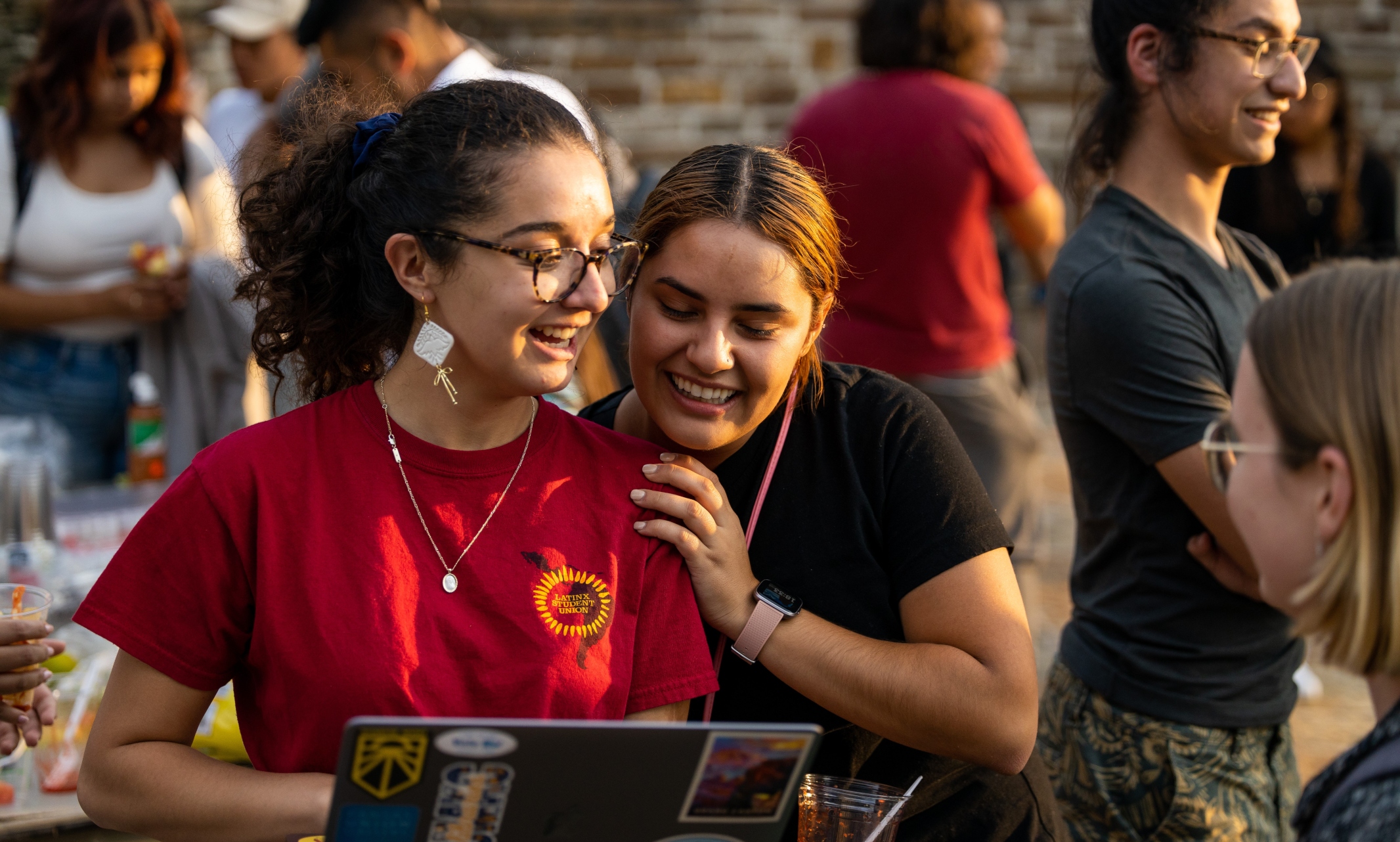
Greater Kansas City Hispanic Development Fund competition raises funds to support Latinx scholarships
The UMKC Latinx Student Union raised more than $18,000 to support Latinx college scholarships in the Cambio para Cambio fundraiser competition, hosted by the Greater Kansas City Hispanic Development Fund. UMKC LSU was the leading college team for the fifth year in a row.
Lauren Orozco, president, UMKC Latinx Student Union, is excited about her team’s accomplishments.
“The most important thing to me about raising money for scholarships is that it reflects that UMKC is a home for Latinx students. We say we are Kansas City’s university, but it's the connections people make – with students, faculty, staff and alumni – at UMKC that build our community. The Latinx Student Union has built a strong community within UMKC.”
To raise funds, Orozco and her team solicited community donations and raffled items that included a professional photo shoot, pumpkin patch tickets, AirPods and a 65-inch Roku television. They organized events, including a dance with a DJ in collaboration with the Latinx Education Collaborative, but Orozco was particularly excited that they were able to hold the Latinx Student Union Excelencia Breakfast this year.
“For half a decade we have provided scholarships that help make a home for Latinx students at UMKC. It shows that the students here care about providing a safe and welcoming space for Latinx students coming to the university.” - Lauren Orozco
“Even if we hadn’t raised the most funds this year, having the breakfast for our community was important to me. I felt the breakfast would be my legacy as president.”
Orozco says collaboration with UMKC LSU members and partners has been critical to their success in raising funds for Cambio para Cambio.
“Café Ollama, a Latinx owned coffee shop, did a promotion for us. I think that speaks to how present UMKC is in the community, especially with Latinx students. UMKC is home to so many different types of people, and being in the heart of the city makes it even more diverse.”
She thinks providing scholarships for Latinx students is both important and exciting.
“For half a decade we have provided scholarships that help make a home for Latinx students at UMKC. It shows that the students here care about providing a safe and welcoming space for Latinx students coming to the university.”
Alex Perez (M.A. ’17), director of scholarship program at the Hispanic Development Fund, says Cambio Para Cambio funds two-thirds of the scholarships the organization awards, but the impact is even broader.
“For many of our scholars, these scholarships provide hope and validation,” Perez says. “We are sending a message that their community has their back and supports their academic goals. All Cambio funds are raised with so much love, bringing to light the philanthropic power the Latina/o/x Hispanic community has when we come together.”
The Greater Kansas City Hispanic Development Fund developed Cambio para Cambio (Change for Change) in 2017 to support college scholarships for Hispanic students. In 1984, HDF awarded $100 scholarships to 100 students. This year the organization raised $425,984 to support scholarships that they will award this spring.
Nov 02, 2022
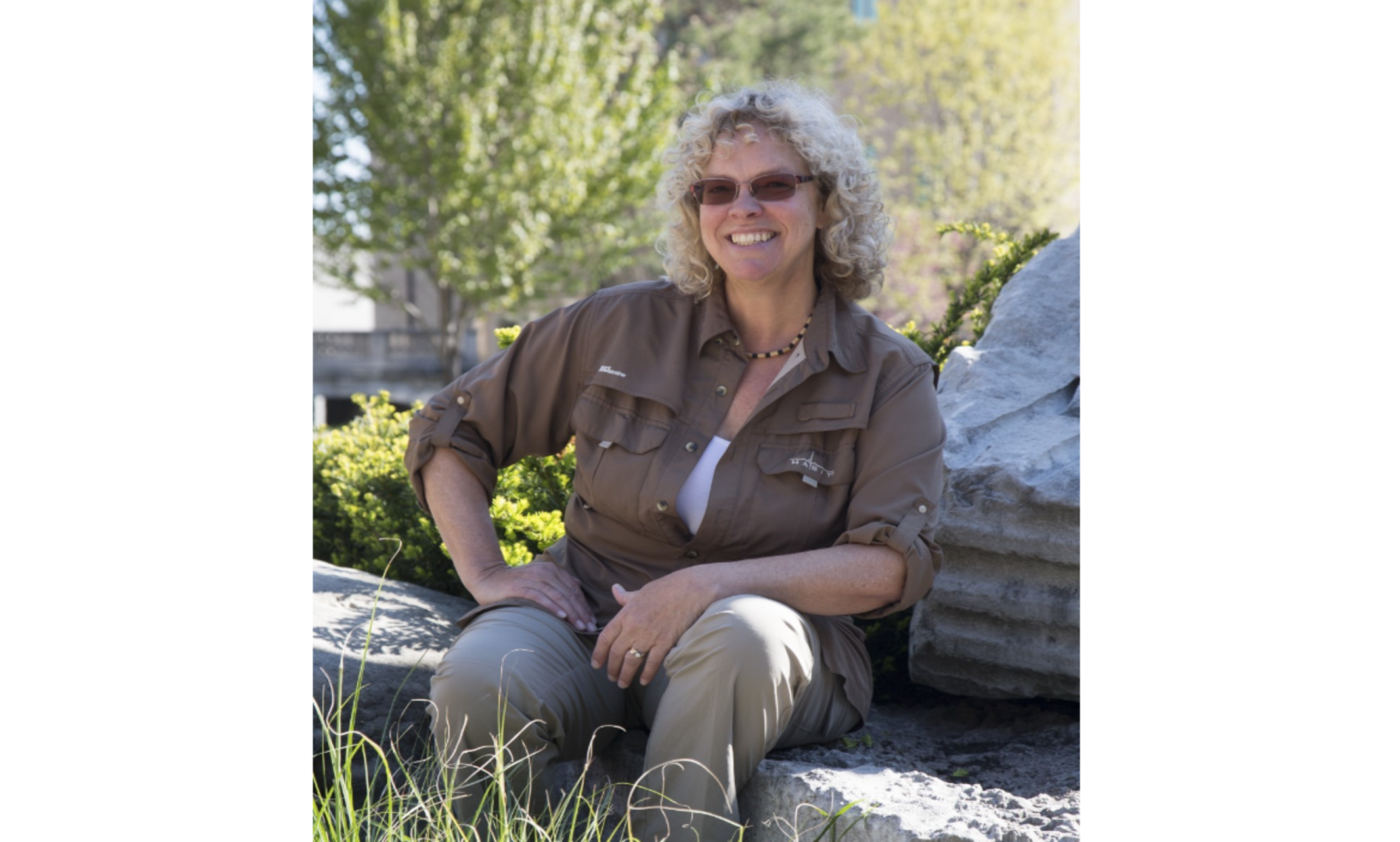
Niemi named Curators’ Distinguished Professor
Tina Niemi, Ph.D., knew she wanted to be an archeologist or a geologist from a young age. Now, as an Earth and Environmental Science professor at UMKC, she is inspiring the next generation of scientists.
Niemi, who teaches in the School of Science and Engineering, was recently named a Curators’ Distinguished Professor by the University of Missouri Board of Curators. It is the highest and most prestigious academic rank awarded by the Curators, and it is given to a select few outstanding scholars with established reputations.
Growing up, Niemi said her mother kept a large rock garden in their backyard filled with all kinds of souvenirs from time spent hunting arrowheads on her grandfather’s farm. This started her love of archeology and geology.
She went on to study both archelogy and geology for her undergraduate degree, geo-archelogy for her master’s and earthquakes for her Ph.D. Niemi specializes in geoarchaeology, sedimentology and active tectonics.
Specifically, Neimi’s scientific interests include studying active faults, earthquake recurrence in the geologic and archaeological records, reconstructions of ancient environments, analyses of high-resolution geophysical data and the study of recent hurricane and tsunami sediment deposits.
“It’s crazy to think I’m doing exactly what I dreamed about as a kid,” Niemi said.
As a field geologist, Niemi and her students collect aerial imagery using drones and stratigraphic (rock-layering) data from outcrops, trench excavations and cores to build a deeper understanding of the history and nature of tectonic, climate and anthropogenic (human-influenced) environmental changes through time.
One of Niemi’s favorite parts of being a professor is her connection with her students and research her student-led teams have conducted. Under her supervision, students have had the chance to participate in real-world research in Mexico, Guatemala, the Bahamas, India, Jordan, Turkey and on the San Andreas fault and New Madrid seismic zone.
“I’m very proud to have mentored nearly 60 undergraduate research projects and have facilitated probably another 40 with my NSF [National Science Foundation] student research projects,” Niemi said. “I’ve had students put in their evaluations that it was life-changing – that it changed the trajectory of their careers.”
Along with Niemi, Massimiliano Vitiello, Ph.D., of the School of Humanities and Social Sciences, was also given the award. Both were celebrated at the UMKC Promotion and Tenure event earlier this month.
Oct 31, 2022
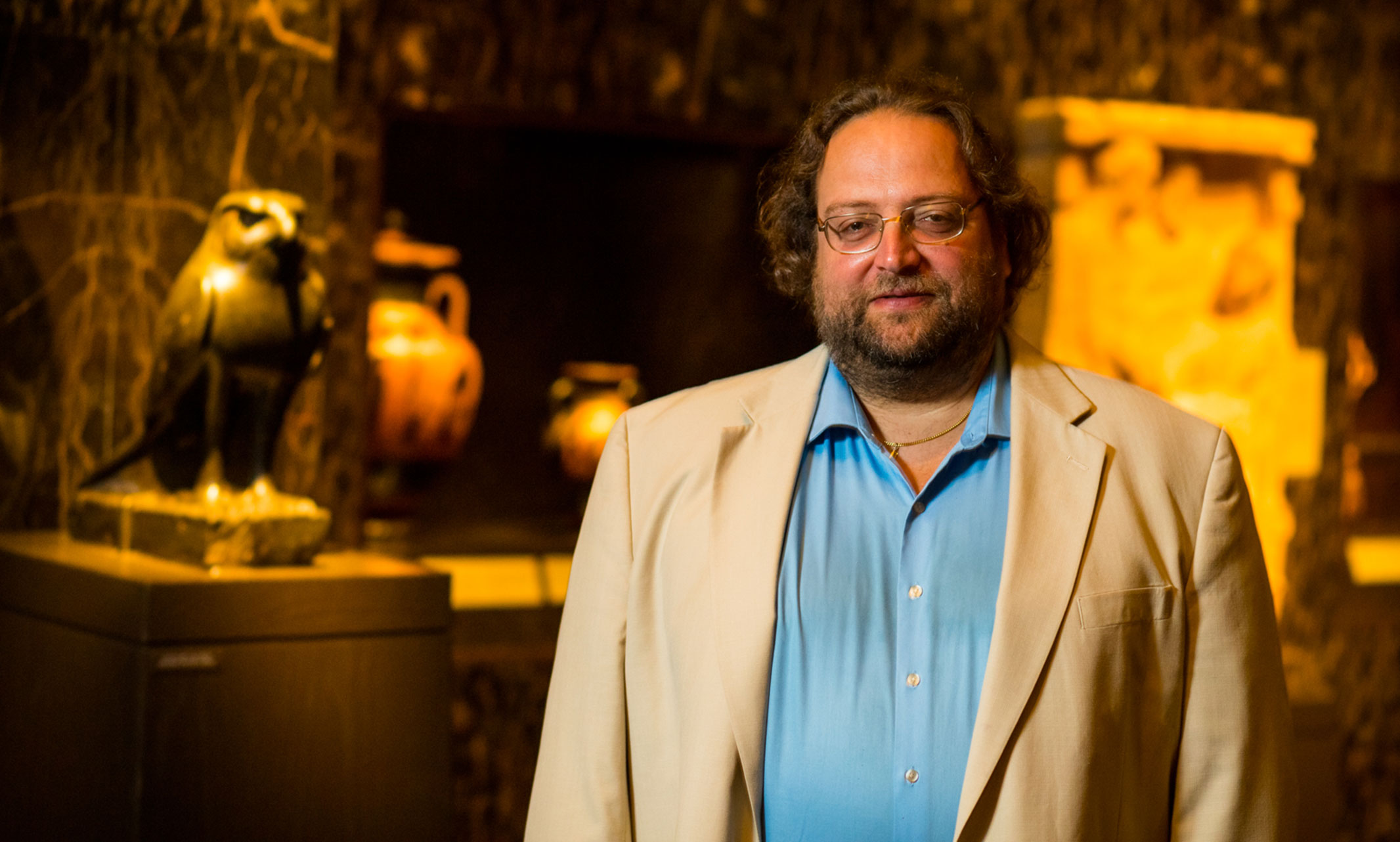
Massimiliano Vitiello, Ph.D., one of two UMKC faculty honored
The University of Missouri Board of Curators recently named Massimiliano Vitiello, Ph.D., of the School of Humanities and Social Sciences a Curators' Distinguished Professor.
Vitiello conducts research on ancient history, Late Antiquity, Byzantium and the early Middle Ages, with an emphasis in Roman History. He is the M.A. program adviser for the history department and a faculty member in the Humanities Consortium.
“The period I work on is the migration, the barbarian invasions for the Roman Empire,” Vitiello said. “This is all in the fifth, the sixth and the beginning of the seventh century AD. It's one of the fields, especially in the United States, that was established in the 1970s. It’s actually a fairly new field of study.”
Vitiello was born in Rome, Italy. He earned his Ph.D. from the University of Messina in Sicily in 2001 and a postdoctoral License in Mediaeval Studies from the Pontifical Institute of Mediaeval Studies in Toronto, Canada, in 2009. He has worked as a researcher in Germany, where he has held such awards as the Alexander Von Humboldt Fellowship, the DAAD Fellowship and the Heinrich Hertz Fellowship.
He began teaching at UMKC in 2010 and quickly joined the tenure track. While at UMKC, he has been awarded the Trustees’ Faculty Scholar Award in 2015, the UMRBand the Norman Royall Professorship. He was also awarded early tenure in 2015.
“The environment at UMKC has always been very nice,” Vitiello said. “You feel that you are supported. If there is any issue, you can always talk to the people above you and rely on the advice. They put you in a very relaxing atmosphere, which actually is very productive for the research.”
Though already a highly decorated researcher, Vitiello feels very fortunate to receive this recognition from the Board of Curators.
“To reach this point, especially like in a field like mine that’s a little bit less known than other fields, it makes me feel that what I've been doing matters,” he said. “I’m leaving a legacy that goes outside of the department, and that makes me feel good.”
He also hopes this draws attention to the importance of Humanities across the University of Missouri System.
“Our society is an expression of the way we understand the present, the way we understand the past, how we understand the legacies and humanity,” Vitiello said. “The humanities should not be underestimated. They don’t generate the big money, but they definitely generate good people, which is very important, especially now.”
Oct 31, 2022
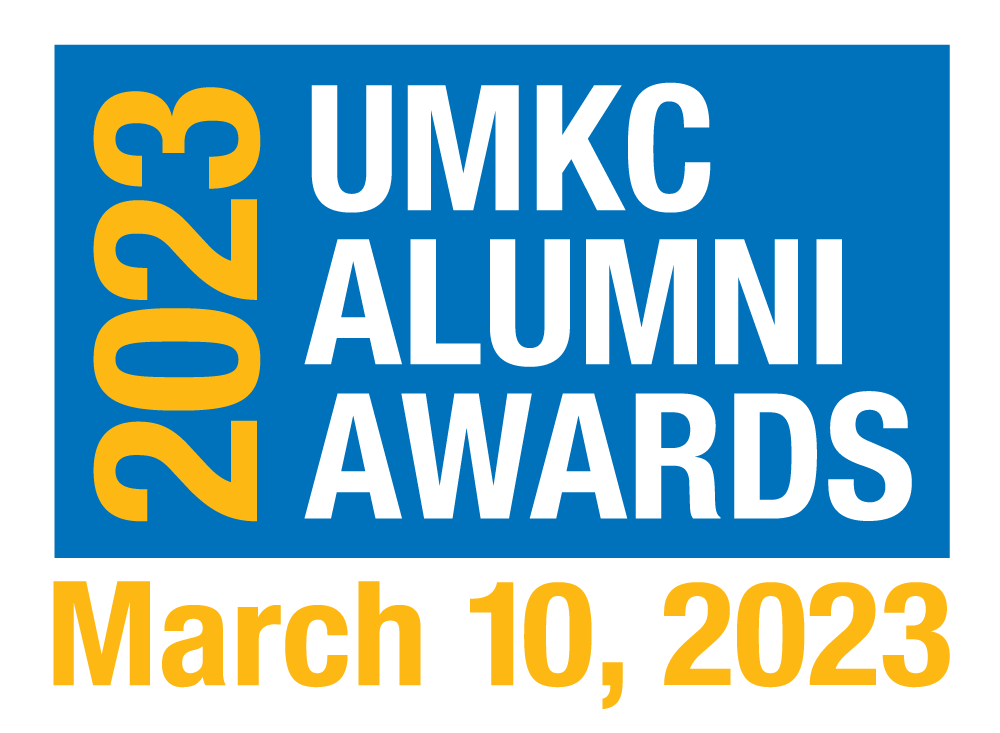
Sixteen alumni and one family will be honored March 10
The University of Missouri-Kansas City Class of 2023 Alumni Achievement Award recipients includes a criminal defense lawyer who has argued (and won) before the United States Supreme Court, a civil rights activist, a national CEO and a legacy family whose name is well-recognized in the Kansas City legal community.
Each year, UMKC recognizes a select group of alumni for their amazing and inspirational accomplishments. The event offers a chance to share the achievements and successes of graduates UMKC sends out into the world each year at Commencement.
The Alumni Awards ceremony is one of the university's largest events to support student scholarships. In the last decade, the Alumni Awards event has garnered more than $1 million in scholarships and immediate aid for UMKC students.
Join us in honoring the Class of 2023 awardees at a celebration at 5 p.m. on March 10 at the Westport Commons. Visit UMKC's Alumni Association website to learn more about this year's event. If you are unable to attend the event but would like to donate to student scholarships, contributions can be made online.
University-Wide Alumni Awardees
Alumnus of the Year: Sean O'Brien (JD '80)
O'Brien is a nationally recognized criminal defense lawyer, with successes in the United States Supreme Court and federal and state courts across the country. At least 17 innocent and wrongfully convicted individuals have been exonerated largely due to his efforts, and he has personally been responsible for at least 24 individuals being removed from death row.
Prior to returning to UMKC to teach in the early 2000s, he served as the chief public defender in Kansas City, Missouri. From 1985 through 1989, he served as executive director of the Missouri Capital Punishment Resource Center, now the Public Interest Litigation Clinic.
In addition to teaching Criminal Law, Criminal Procedure and Wrongful convictions at the UMKC School of Law, O'Brien is the director of various pro bono criminal defense clinics, including the Death Penalty Representation Clinic, Public Defender Appeals Clinic and the Public Defender Trial Clinic. He continues his work in criminal defense through these clinics.
Spotlight Award: Bruce Bubacz
This year, Bubacz will celebrate his 50th year of teaching at UMKC. He has touched the lives of more than 5,000 students over the course of his tenure.
He is a Curators' Teaching Professor of Philosophy and professor of Philosophy and Law. He joined UMKC in 1973 and served as founding director of the College Honors Program, a program for academically talented undergraduates, from 1979 until 1985. He chaired the Philosophy Department from 1987 until 2000 and served as dean of the College of Arts and Sciences between 2000 and 2002, served as chair of the Department of Mathematics and Statistics from 2004-2005 and as provost and vice chancellor for Academic Affairs from 2005 until 2007. He was also the chair of the Philosophy Department to UMKC Forward academic realignment in 2022.
The Bill French Alumni Service Award: Patricia Macdonald (BLA)
Macdonald has a long history in nonprofit management, research, strategic planning and resources development. She is the Director of Strategic Ventures and Operations for the Healthcare Institute for Innovations and Quality at UMKC, the past president of the Mid-American chapter of the Association of Fundraising Professionals, chair of the UMKC Alumni Association Multicultural and Community Affairs Committee and a past president of the UMKC Alumni Association.
She has participated in numerous campus activities, from search and selection committees to gala planning. In 2016, she was awarded the CASE VI Volunteer Service Award given to those who have demonstrated tremendous service for higher education institutions in the Midwest.
Defying the Odds Award: Rev. Carl Moore (BME '68)
While attending college at Alabama State in the spring of 1960, Rev. Moore was arrested for protesting racial inequality. As a result, he could not return to the university in the fall -- so his mother put him on a train to Kansas City, where he began attending UMKC.
After graduating with a degree in music education, Rev. Moore taught high school music for three years before taking a job as a sales representative for IBM, where he stayed for the next 24 years. At the age of 40, Rev. Moore felt called to ministry and began taking courses at the New Orleans Seminary and the Interdenominational Theological Center in Atlanta and accepted his first pastorate at a small church. Rev. Moore continues in ministry today at Allen Temple AME Church in Woodstock, Georgia, where he has consistently grown his congregation yearly.
Legacy Award: The Accurso Family
The Accurso Family's legacy at UMKC dates back generations. Joseph C. Accurso attended what was then Kansas City University and laid the path for many generations that followed to become Roos.
Family members include Joseph’s nephew, Louis Accurso, who earned his BA from UMKC in 1978 and his JD in 1981. Just seven years later, he founded one of Kansas City's most well-recognized law firms: the Accurso Law Firm. His sons, Christopher (BA '11, JD '17); Anthony (BLA '12, MD '12) and Patrick Accurso (JD '18), went on to continue the legacy.
Countless other family members have also attended including Michael C. Accurso (BBA '82), Melissa Accurso (BA '88), Joseph M. Accurso (BA '96), Tammy Dickinson (JD '98), Terri Accurso (BA '02, MA '12), Danielle Roy (MS '09) and Nicholas Accurso (BBA ’20).Members of the family have graduated from nearly every program on campus, including the College of Arts and Sciences, Henry W. Bloch School of Management, School of Biological and Chemical Sciences, School of Education, School of Law and School of Medicine. School Alumni Achievement Awardees *
School of Biological and Chemical Sciences: Beth Harville (Ph.D. '95)
Senior Executive Vice President and Provost, Drury University
Henry W. Bloch School of Management: Ramin Cherafat (MBA '02)
CEO, McCownGordon Construction
School of Computing and Engineering: Ken Gerling (BSCE '91)
Vice President Transmission & Distribution, Burns and McDonnell
Conservatory: Charlie Corcoran (MFA '01)
Award-winning scenic designer
School of Dentistry: Cesar Sabates (DDS '87, AEGD '88)
Former President, American Dental Association. Dental Practice, Solo General Dentistry
School of Dentistry- Dental Hygiene: Heather Samuel (BSDH '90, MSDH '91)
Retired Professor of Dental Hygiene, Johnson County Community College
School of Education: Chris Brown (Ph.D. '93)
Chair, Division of Counseling and Psychology, UMKC
School of Law: Scott Bethune (JD '88)
Founding member, Davis, Bethune & Jones, LLC
School of Medicine: Arif Kamal (MD '05)
Chief Patient Officer, American Cancer Society
School of Nursing and Health Studies: Shweta Palakkode (BHS '15)
Health Policy Analyst, U.S. Department of Health and Human Services
School of Pharmacy: Craig Norman (BS '83)
Senior Vice President of Pharmacy, H-E-B
*Nominations were collected before UMKC Forward realigned academic units. Next year, some awardees will be named in their new academic units: School of Science and Engineering, School of Humanities and Social Sciences and School of Education, Social Work and Psychological Sciences.
Oct 27, 2022
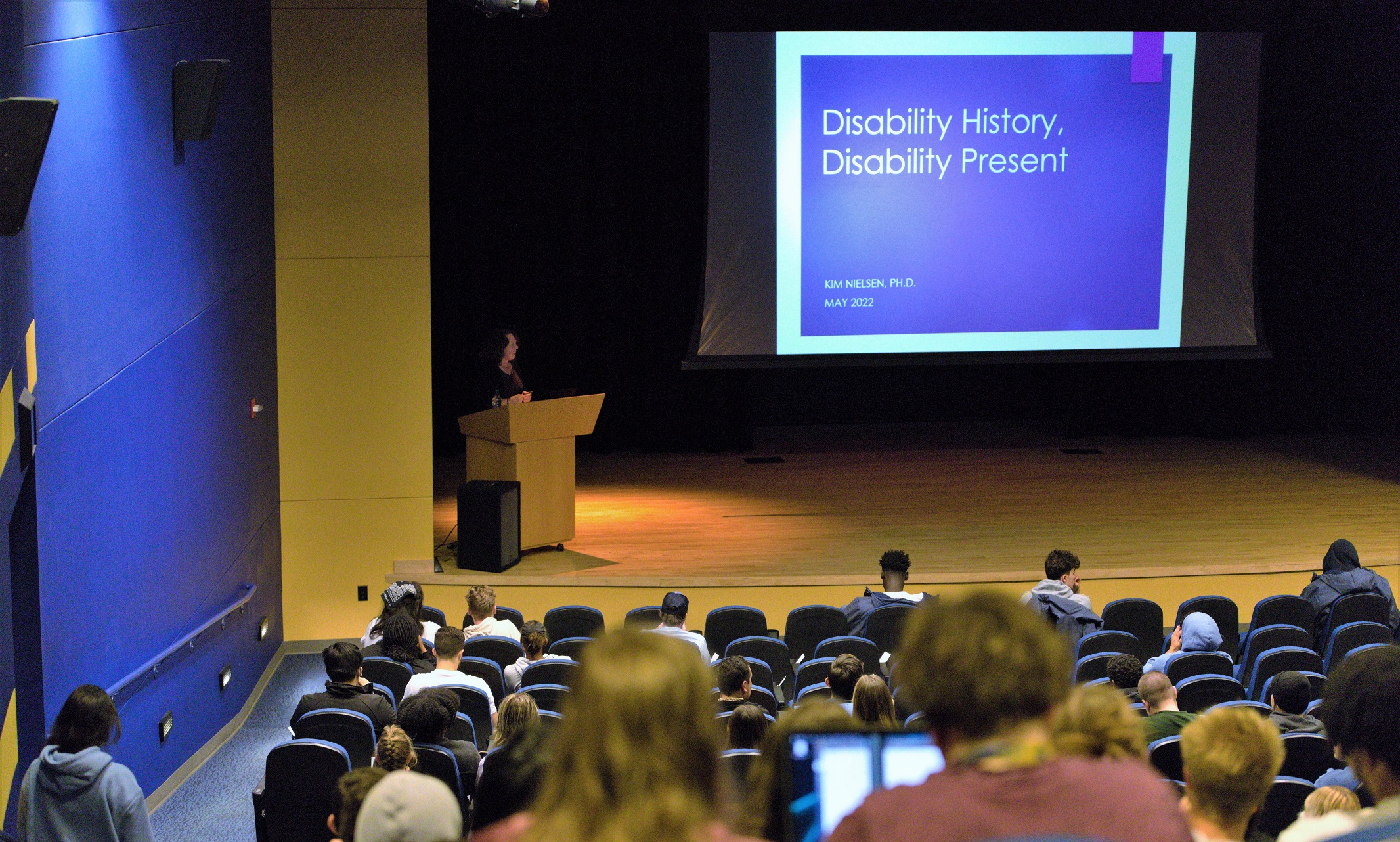
Kim Nielsen, Ph.D., spoke about the history of disability in the United States and why it matters to all of us
Disability is central to U.S. history and shaped the body of the nation, according to Kim Nielsen, Ph.D., an award-winning historian and disability justice advocate.
Nielsen, a distinguished professor of disability studies at the University of Toledo, delivered the 2022 Social Justice Lecture at UMKC on Oct. 20.
She spoke about the history of disability in the United States, why it matters at this moment in time and what disability justice really looks like. She illustrated her talk with stories from history and her personal life.
Nielsen first became interested in disability history when writing - or, as she said, procrastinating on - her dissertation. She was reading far-right-wing publications from the early 1900s when she came across lists of the most dangerous women in America. To her surprise, Helen Keller was on several of these lists. Keller was an author, outspoken advocate for disabled and marginalized peoples and a co-founder of the American Civil Liberties Union. She was wary of being too involved in politics because she was viewed in terms of her deafness and blindness.
“The assumption that disability equated political incompetency effectively silenced her, while her disability did not. It was attitudes, not disability, that was the problem,” said Nielsen. “The story of U.S. history is the story of independence, autonomy and ruggedness. But it’s also a story in which dependence is bad, including any weakness or reliance on others. Disability is stigmatized partly because of this.”
“Disability is not the end of the world. In fact, it can be quite fine. Letting go of ableism will make life easier for all of us."
- Kim Nielsen
Helen Keller’s story was just one example Nielsen gave of the times throughout history that disability was used to stigmatize, silence or exclude people. Several of her stories made the point that disability was used in history to justify racism, sexism, homophobia and more. At different points in history, the concept of disability was used to control immigration, legitimize homophobia and keep women from attending college.
“The categorization of bodies as disabled has always been entwined with other power hierarchies,” said Nielsen. “The definition of disability was shaped by homophobia, antisemitism and classism.”
This moment in time is pivotal for disability justice, Nielsen says. Covid left approximately 19 million people disabled, either temporarily or permanently. The pandemic also contributed to mental health needs for many people. Additionally, experiencing racism can leave physical, emotional and psychological trauma.
“This is our contradiction and our crisis. We are at this national, and perhaps global, moment in which disability justice and activism are flourishing, but ableism and disregard for people with disabilities is also flourishing.”
When speaking on disability justice, Nielsen gave a statement she described as simple but radical.
“Disability is not the end of the world. In fact, it can be quite fine. Letting go of ableism will make life easier for all of us. I believe that if we’re comfortable with disability and dependence, we can more easily ask for help. None of us can do everything. Knowing when and how to ask for help is a really good thing.”
Nielsen is a historian focused on disability history and justice. She is a distinguished professor of disability studies at the University of Toledo. Nielsen is the author of the widely used “A Disability History of the United States,” multiple other books and articles, and co-editor of the award-winning “Oxford Handbook of Disability History.”
In addition, Nielsen has received two Fulbright appointments, numerous scholarly prizes, and a National Endowment for the Humanities Fellowship. She received her Ph.D. at the University of Iowa.
About the lecture series:
The Social Justice Book and Lecture series invites participants to think critically about the historical context of social justice issues and foster a sense of community and dialogue surrounding the issues. Students, particularly first-year students, engage with the chosen book through related coursework, projects and initiatives.
The series is part of Social Justice Month, a time for thought-provoking reflection and engagement for the campus community. A series of events throughout the month focuses on social justice issues at both the local and national level.
Oct 21, 2022
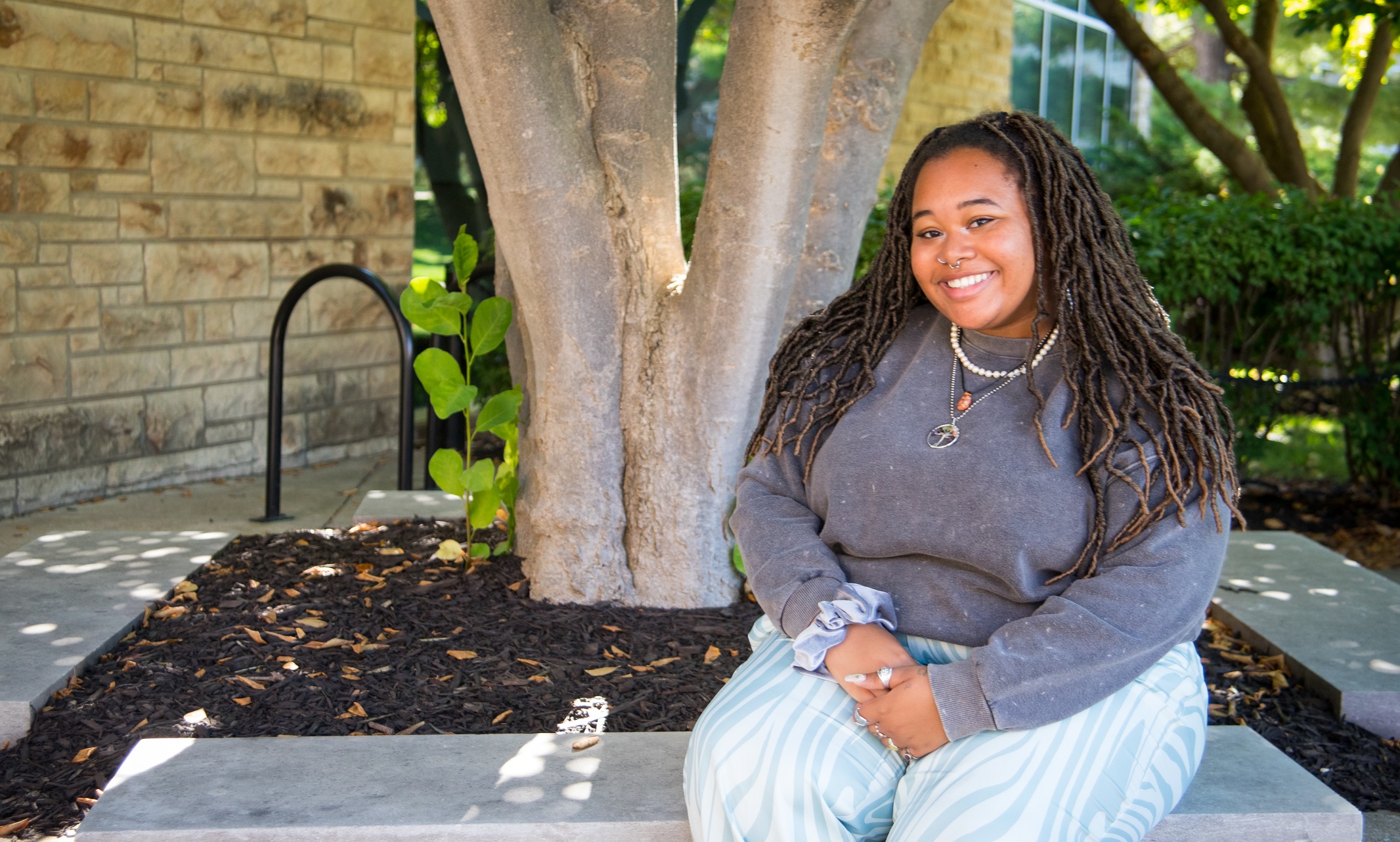
Ophelia Griffin chose UMKC and discovered their passion and self
Roos don’t just dream, they do. Our students turn ideas into action every day. Get to know our people, and you’ll know what UMKC is all about.
Ophelia GriffinAnticipated graduation: 2025Academic program: University College, moving into communicationsHometown: Lee’s Summit, MO
Why did you choose UMKC?
I took a gap year after high school graduation because of COVID. I had a plan for college, but I knew I couldn’t mentally do it under quarantine. I was working during my gap year and some of my friends were going to UMKC. They said it was a great place to be yourself, so I applied and now I’m here! I love it, it’s such a good place to be.
You are currently an exploratory student in University College and plan to major in communications. Why did you choose communications?
I love making connections with people and just talking with them. I hope to be a business manager, or maybe own my own business one day!
What are the challenges of being an exploratory student in University College?
Understanding myself and the type of person I am, coming to terms with what I’m good and not so good at, has been a challenge for me. Just learning about who I am as a person has been a journey.
What are the benefits of being an exploratory student?
Exploring everything UMKC offers has been really cool. I love hearing from other students what they want to go into; a lot of my classmates want to do really cool things that I didn’t even know were possible. I just think it’s great to see people having different interests and exploring their options.
How has University College inspired you?
I was an orientation leader, and I tell students going into University College that they’ll find out what they’re supposed to do and where they’re supposed to be. The College planted a seed in me and allowed me to blossom into the person that I am. It helped me understand who I am and what I can accomplish here. I love it.
What do you think you’ve learned about yourself since being at UMKC?
I’m a really hard worker and that I try to succeed in everything I can. I’ve also learned that it’s okay to have slip-ups; it’s not the end of the world and I can bounce back.
You’re vice president of the University Theatre Association, a senator in Student Government Association, member of UMKC Democrats and a member of Alpha Sigma Alpha sorority. What inspired you to get involved in so many organizations?
I have no sense of time management and love saying yes to things. My first year at UMKC, my advisor, Rachel, sat me down and told me that getting involved is key to a good college experience. I’ve met so many people here who inspire me to get more involved because I love having so many connections on campus.
Who do you admire most at UMKC?
As a whole, the theatre group really inspires me. Everyone contributes to making theatre a good, safe place to be. Our president, Hannah, is one of the most hard-working people in the program. She gives 110% and I feel so lucky to be her vice president. I’m just inspired by what she does and how she does things.
What are you most proud of during your time at UMKC?
My grades - I was worried about taking a gap year before starting college. But I’ve realized that I’m a smart and capable person, and my grades have never been better.
Is there anyone who is a mentor to you on campus?
Rachel Hughes, she was my boss when I was an orientation leader. All summer during orientation, she made sure that we had fun and made students feel at home.
What do you hope to take from your time here into your professional career?
I hope to start my own inclusive business one day, mainly because of the experience I’ve had here at UMKC. It’s so diverse and so inclusive to everybody. I want a business that shares the same amount of love for people.
Oct 21, 2022
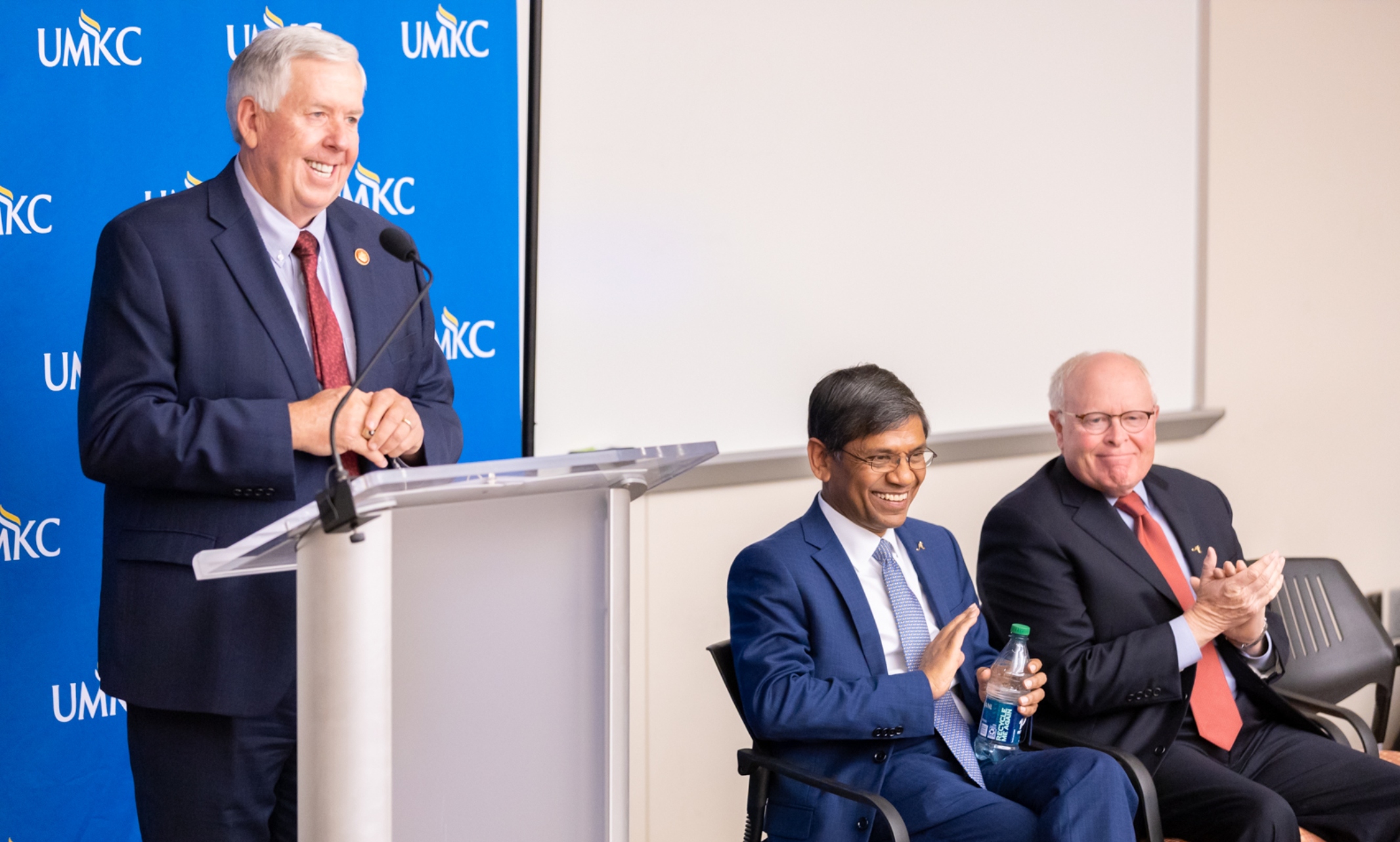
New cutting-edge educational facility will serve as a catalyst for growth and position the district to become a premier academic medical district
The University of Missouri-Kansas City announced a $30 million gift today from the Sunderland Foundation to help fund a new state-of-the-art medical and dentistry building in the UMKC Health Sciences District. The project will escalate momentum for expanding the district into a major regional academic medical center that can provide innovative health care, attract top medical students and researchers and generate billions of dollars in jobs and economic development, while advancing care for the underserved.
The multi-story, $120 million Healthcare Delivery and Innovation Building will house new dental teaching clinics and expanded medical school teaching facilities. In addition, it will provide space for the UMKC Health Equity Institute, the university’s Data Science and Analytics Innovation Center and its new biomedical engineering program.
“We are grateful to the Sunderland Foundation for their investment in taking the Health Sciences District to the next level, spearheading an academic medical center with extraordinary community benefits,” said UMKC Chancellor Mauli Agrawal. “This gift -- by a local foundation that supports making big positive change in Kansas City -- is an investment not just in a building, but in a truly big, longer-term vision. We believe our new building will escalate momentum to exponentially expand the Health Sciences District in coming years to become the major regional academic medical center that we know it can be.”
On hand to help announce the gift was Gov. Mike Parson, who in July signed legislation from the state of Missouri to appropriate $40 million for the building. This appropriation came with a challenge to the Kansas City community to raise the additional funds needed.
“We are proud to support the efforts of UMKC to improve educational opportunities in science, technology, engineering and math to expand health-care access in the state of Missouri, particularly in rural areas,” Parson said. “Missourians will reap the benefits of increased collaboration between health-care services and the data science and biomedical engineering programs that will share the building. This partnership could help further health outcomes through new, innovative solutions right here in Missouri.”
Grants from the Sunderland Foundation focus on brick-and-mortar projects for established organizations to foster a stronger, safer and more vibrant future for the communities it serves.
“The Sunderland Foundation is proud to give to UMKC’s efforts to transform the Health Science District,” said Kent Sunderland, chairman of the Sunderland Foundation. “The cutting-edge facilities will provide innovative training opportunities for tomorrow’s doctors, dentists and health-care leaders who will improve prosperity in our neighborhoods, cities and state. The Sunderland Foundation and UMKC share a mission of caring for the underserved and lifting neighborhoods.”
UMKC is one of only 20 universities in the country where schools of Dentistry, Medicine, Nursing and Health Studies and Pharmacy share a single, walkable campus, an arrangement that facilitates interprofessional training for students and opportunities for research collaboration among the health sciences.
Additionally, the new building will create opportunities for increased collaboration among UMKC and its health district partners including University Health and Children’s Mercy, which allows for a greater capacity for finding health solutions and providing patient care. This project will expand UMKC’s mission to elevate health equity across Kansas City, including many initiatives that work with the underserved including UMKC’s dental clinics, the Sojourner Clinic and the Center for Health Equity, which works through a network of churches in the urban core.
Oct 19, 2022
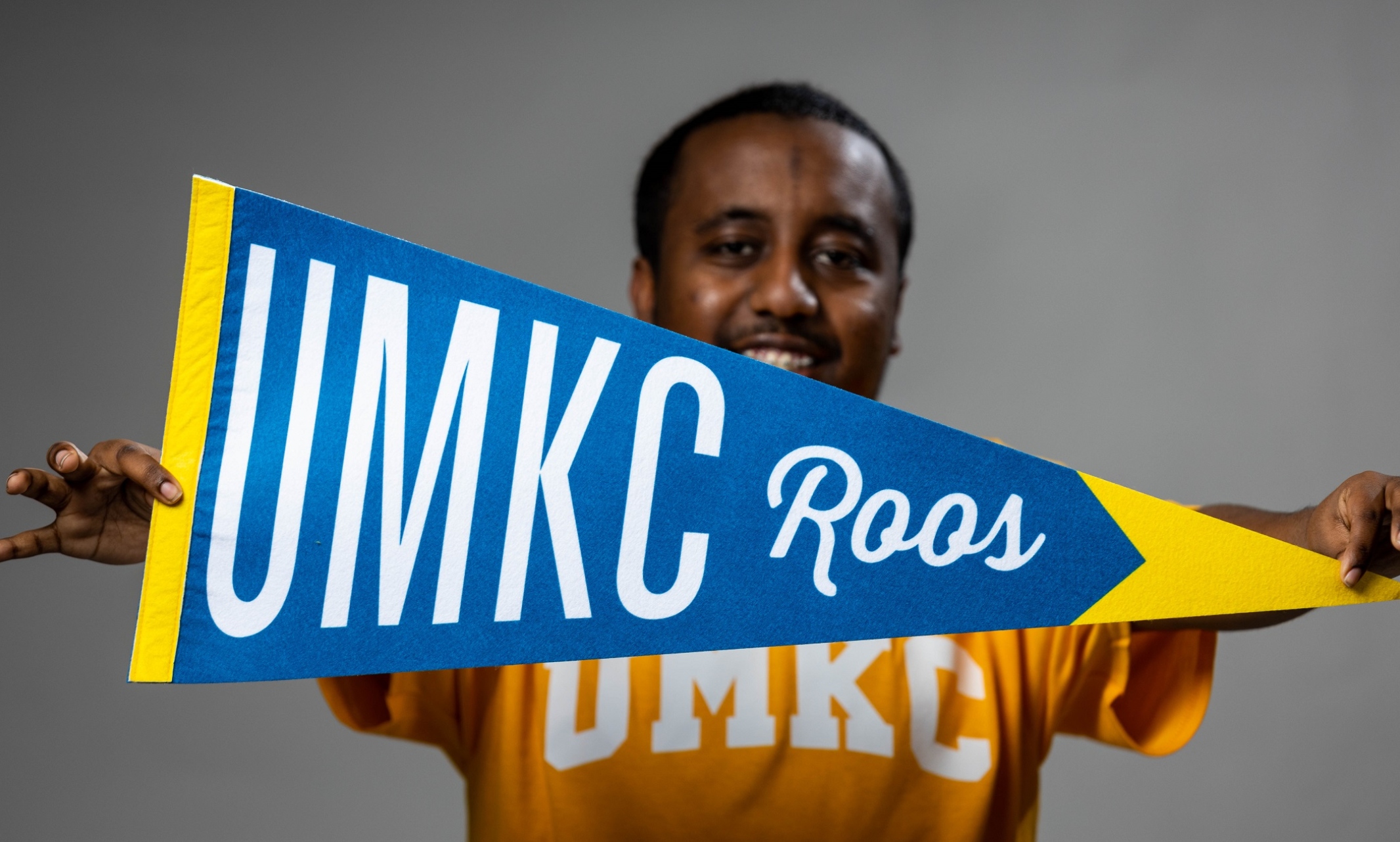
Resources are available year round
All Roos are welcome, and we want to make sure our transfer students have what they need. Even if you’re a new student, you’re already part of the UMKC family.
National Transfer Student Week celebrates transfer students at UMKC and provides critical resources for academic and career success. Supported by the Office of Student Involvement, the Honors Program and Admissions transfer students have the opportunity to work with people in these organizations to help students find their fit and their future at UMKC. But resources for transfer students are not limited to one week; we support our Roos from the first day they’re on campus until they move their tassels at graduation and beyond.
Center for Transfer Students and Adult Learners
The Center for Transfer Students and Adult Learners is a one stop shop for students coming to UMKC to find help with transferring their existing credits, learning about available scholarships and on-campus housing and anything else they may need to become a Roo!
Transfer Student Network
The Transfer Student Network helps new Roos connect with the UMKC and Kansas City communities by connecting them with other transfer students, informing students about student organizations and supporting professional development.
Academic Support and Mentoring
UMKC Academic Support and Mentoring meets students where they are and supports them academically and personally. Supplemental Instruction is a core component for student success in hi-risk courses. SI targets historically challenging courses by teaching students how to increase their performance.
RooUP Seminars are a component of ASM that provides informational on-demand videos covering topics such as exam preparation, goal setting and overcoming procrastination.
The Writing Studio offers free one-on-one peer consultation to help students focus on organization and presentation of content in their writing assignments.
First Gen Roos create a community-within-a-community with events geared toward first generation college students. Register today!
Financial Wellness Center
Staying on budget – even figuring out what your budget can be – can be challenging. Personalized money management coaching is available through the UMKC Financial Wellness Center. Resources on creating a personal money plan, building your credit history and finding a place to live, are conveniently in one place. Individual coaching sessions and emergency resources are also available.
Financial Aid
Finding financial aid and scholarships can also seem challenging, but coordinators are available to help you identify resources. Appointments are available online and in-person to help accommodate your schedule.
Oct 19, 2022
The Sunderland Foundation commits $30 million to the University of Missouri-Kansas City to be used on new facilities for the schools of medicine an...
The Kansas City Business Journal reports on the $120 million gift to launch the development of the Healthcare Innovation and Delivery Building, that will house new dental teaching clinics and more medical school teaching facilities. Also inside will be the UMKC Health Equity Institute, the university’s Data Science and Analytics Innovation Center and its new biomedical engineering program.
Oct 19, 2022
UMKC Economics and Law Professor provides inflation insight
Interview with William Black, an UMKC economics and law professor, explores impact of latest inflation data on Kansas City-area. Read more.
Oct 18, 2022
Interim dean of the UMKC School of Nursing and Health Studies discusses nursing shortage
Missouri hospitals are seeing the highest vacancy rate of nurses ever, up more than 12% from 2018, according to the Missouri Hospital Association. Joy Roberts, interim dean of the School of Nursing and Health Studies for the University of Missouri-Kansas City, said the problem isn’t only a lack of nursing students. Finding faculty to teach the profession is also a struggle. Read more.
Oct 18, 2022
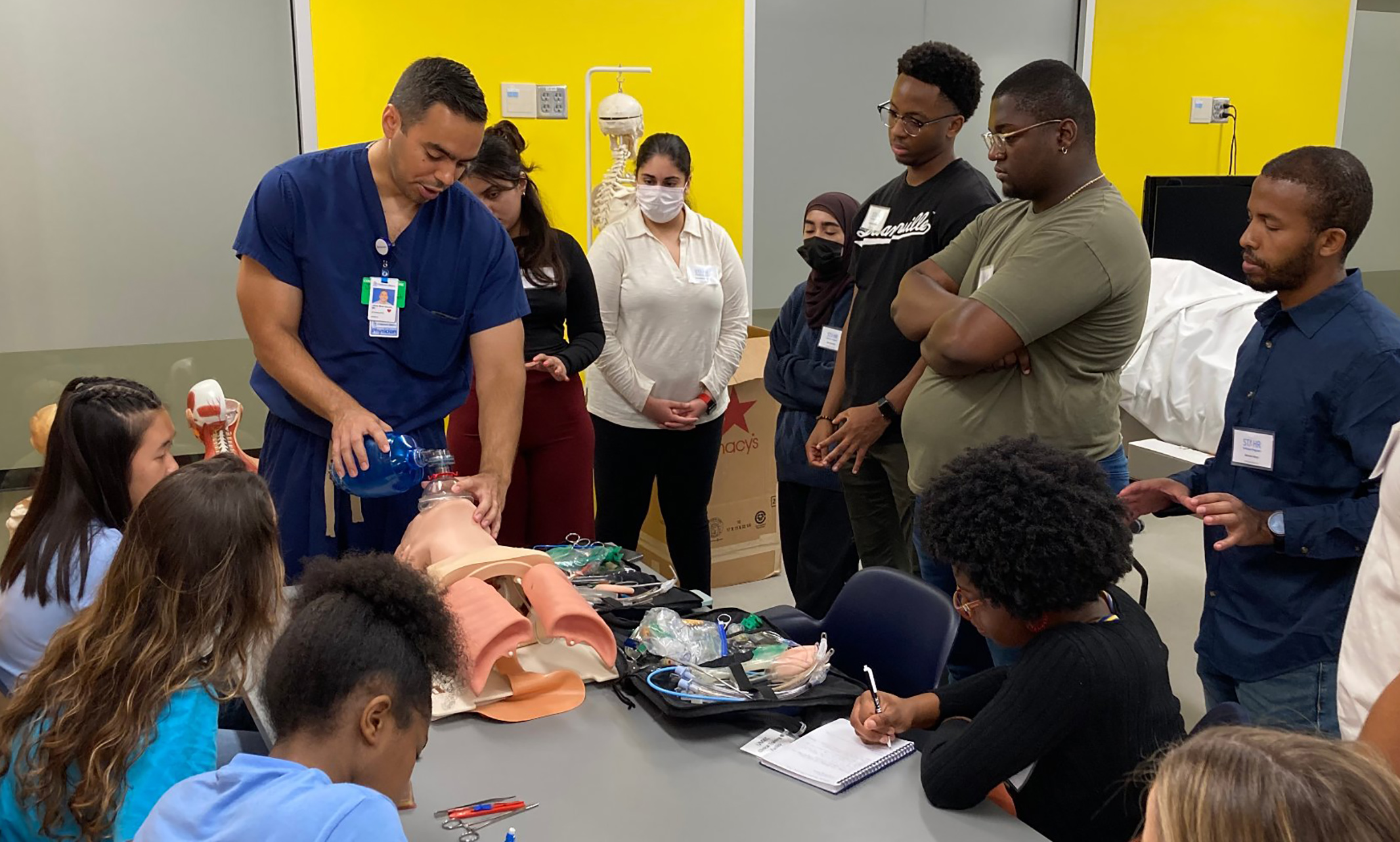
National magazine recognizes UMKC medical school for second time for diversity and inclusion efforts
INSIGHT into Diversity, the oldest and largest diversity publication for higher education, has recognized the UMKC School of Medicine with its Health Professions Higher Education Excellence in Diversity award for the second time.
One of only two schools in Missouri to receive this year’s national honor, the School of Medicine also received the award in 2018.
“We are proud of the work at our SOM that allowed us to be recognized with the 2022 HEED award,” School of Medicine Dean Mary Anne Jackson said. “Our DEI efforts are made possible through not only the passion and commitment of our staff and faculty who lead initiatives, programs, and outreach, but we see these efforts translate to a positive impact on student recruitment, retention, completion and ultimately to benefit the health and welfare within our community and beyond.”
INSIGHT Into Diversity selected the School of Medicine for its efforts supporting diversity, equity and inclusion. Among those are new programs such as UNITED (Uniting Numerous Medical Trainees in Equity and Diversity), a program to support resident and fellowship trainees, an anti-racism and cultural bias program for medical students, a summer success seminar series for incoming B.A.-M.D. students, and expansion of the school’s successful STAHR (Students in Training, Academia, Research and Health) program.
The school’s Office of Diversity, Equity and Inclusion has also received an increase in its budget to support programming and initiatives, has added an assistant dean to the office, and has been an active part of a care team for students in academic risk as well as admissions and selection committees for the school’s academic programs.
Dean Jackson praised her staff.
“Congratulations to Dr. Tyler Smith and Ms. Doris Agwu, our associate and assistant dean respectively, Drs. Ayanda Chakawa and Wail Hassan, who lead our Diversity Council, and all of the staff and faculty who work tirelessly to envision, promote and expand the DEI footprint at our medical school,” she said.
Smith said, “We are honored and humbled. Receiving the HEED Award recognizes our programs and initiatives that embrace the medical school’s mission towards creating a diverse, equitable and inclusive culture within the learning and clinical environments for graduate and medical students, residents, fellows, faculty, and staff. As a top priority at UMKC School of Medicine, we strive to infuse DEI into all academic units while ensuring that all identities feel seen, heard, valued and respected.”
The School of Medicine, as well as 64 other recipients, will be featured in the December 2022 issue of INSIGHT Into Diversity magazine. A.T. Still University College of Graduate Health Sciences, an osteopathic medical school with a campus in Kirksville, is the only other Missouri college to receive this year’s honor.
UMKC received the HEED Award in 2019 and the UMKC School of Dentistry received the award for health professions schools in 2016.
“The Health Professions HEED Award process consists of a comprehensive and rigorous application that includes questions relating to the recruitment and retention of students and employees — and best practices for both — continued leadership support for diversity, and other aspects of campus diversity and inclusion,” said Lenore Pearlstein, publisher of INSIGHT Into Diversity. “We take a detailed approach to reviewing each application in deciding who will be named a Health Professions HEED Award recipient. Our standards are high, and we look for schools where diversity and inclusion are woven into the work being done every day across their campus.”
Oct 17, 2022
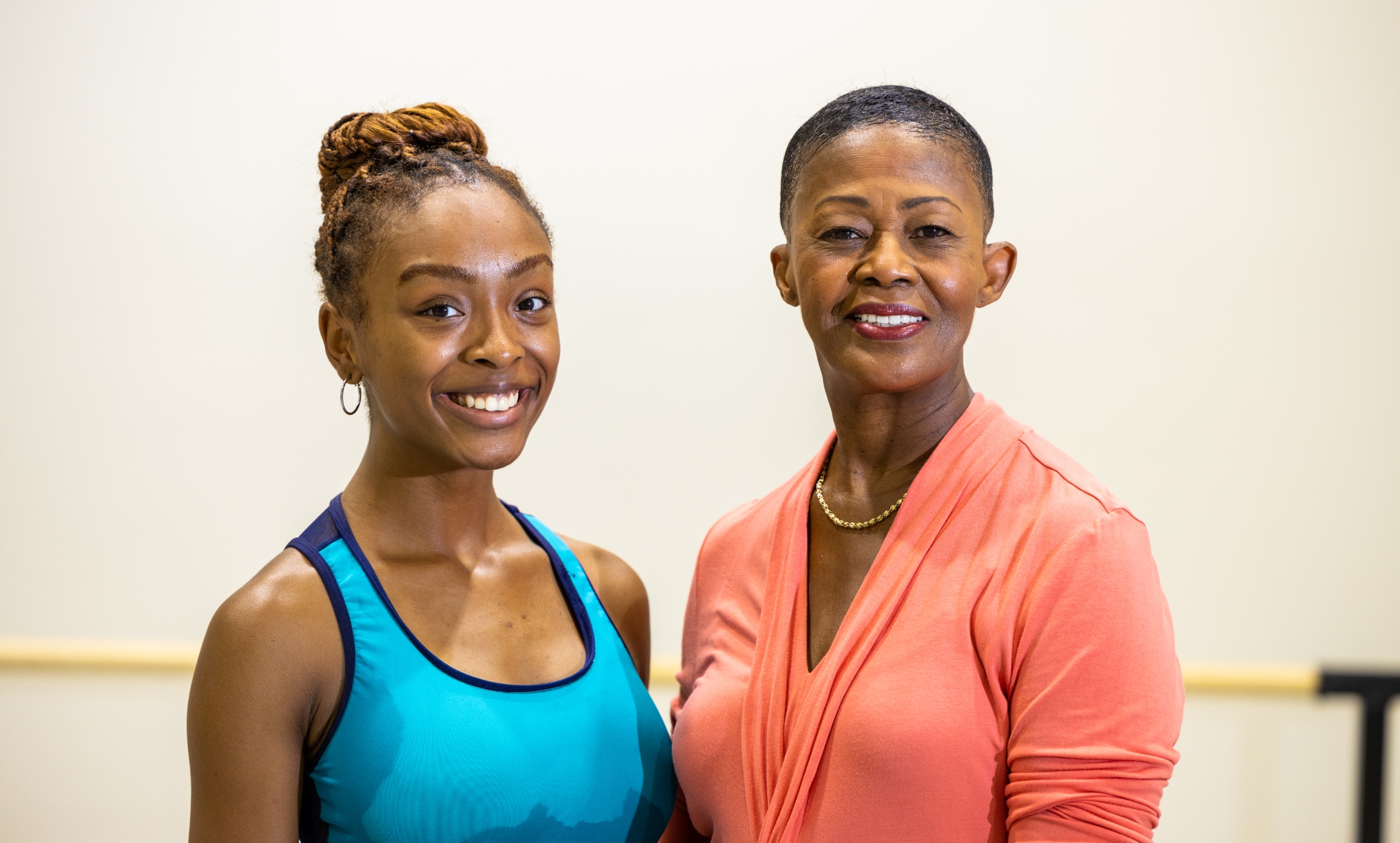
World-renowned professor mentors UMKC ballet student
The heart of UMKC is our campus community. With lots of opportunities, it’s easy to develop student mentorship teams. And these rich relationships—our Dynamic Duos—are some of our best success stories.
Simone Davis (BFA ’23, dance) chose the UMKC Conservatory because she knew that the training curriculum and the faculty were renowned, and she relished the opportunity to study with them. While she has been a student at UMKC, she has performed as a guest artist with various dance companies including Wylliams Henry Contemporary Dance Company, Störling Dance Theater, Tristian Griffin Dance Company and Kansas City Friends of Alvin Ailey.
Despite her professional success, she still maintains a vigorous instructional practice in addition to her classes. She and Karen Brown, assistant professor of dance, work together regularly.
“Karen and I began working together last summer. Before she came on campus I learned more about her career. I was very excited to work with her.”
Brown is well-known in the dance world. She danced as the principal ballerina with the internationally renowned Dance Theatre of Harlem from 1973-1995, served as artistic director of the Oakland Ballet, and assistant professor at the University of the Arts in Philadelphia. She is certified in all levels of the American Ballet Theatre National Training Curriculum.
Brown founded En Pointe Plus Dance Mastery Institute to optimize motion analysis technology in teaching sessions to improve dancers’ form and prevent injuries.
While Davis was not familiar with Brown, she was excited to learn from her when she knew more about Brown’s career. It turned out to be a good fit professionally and personally.
“The connection was natural,” Davis says. “KB has an intensity in teaching that helps push students further, which is very beneficial.”
Brown was thrilled when Davis reached out for private lessons. She offered Davis the opportunity to work as her assistant during her Master Classes. Brown notes that Davis has a strong sense of technique and a good sense of her body. She is working with Davis on moving beyond her comfort zone, as well as fine tuning her form to avoid injury.
“Much of dance is a science, and I’m teaching her to set herself up for the same outcome every time,” Brown says. “When a dancer gets better in the studio, they manifest that on stage because they are confident with their technique.”
She says that Davis is at that point in her practice.
“Simone is ready to go. She’s going to try new things. Because of her talent, she has already had a lot of opportunities to perform.”
Davis admires Brown’s intensity.
“Most dancers and dance educators have similar personalities,” Davis says. “So that’s what I respond to. As an emerging artist, having a mentor is important.”
“Most dancers and dance educators have similar personalities. So that’s what I respond to. As an emerging artist, having a mentor is important.” - Simone Davis
Brown respects Davis for her focus and her work ethic in return.
“She’s been out in the world performing and making money with her craft. She's a good performer. She presents well, she's beautiful. Her work is fine tuning her technique.”
Currently, Davis is dancing professionally with Quixotic Fusion in Kansas City. There, she’s been able to participate in immersive performances, where the fourth wall is broken. She feels this offers a new connection with the audience. She plans to live in Kansas City following graduation, while she continues to travel and perform on a freelance basis throughout the country.
Brown is confident in Davis’s success.
“She’s very kind. She has a great work ethic. Her aesthetic, her creativity, the way that she learns and studies, these are the important things that take longer to teach. If someone doesn’t understand this, they might not even think to learn them. We have a great deal of respect for one another.”
Oct 14, 2022
Leader will maintain and enhance the school’s established record of excellence
The university has launched a search for an inspiring and innovative leader to serve as Dean of the School of Law.
The new dean will be responsible for providing academic, strategic and administrative leadership for the school in the context of a diverse and vibrant urban-serving public research university. The dean also will be tasked with articulating a vision for 21st-century legal education and for enhancing the school’s already strong relationships with its alumni and the legal, business, non-profit and government communities.
“Our goal is to hire an inspirational leader for the Law School who can maintain the high standards in place, recruit and retain a diverse group of students and faculty, and set a bold vision for student and faculty success in alignment with our University Strategic plan,” said Jenny Lundgren, provost and executive vice chancellor.
The new dean will be building on a legacy of excellence at the School of Law, including:
An academic program with national rankings for bar passage, employment rates, practical skills training, trial advocacy, legal writing, family law and more. The entrepreneurial and scholarly faculty
Entrepreneurial and scholarly faculty, whose innovative interdisciplinary courses and research stay at the cutting edge of the law.
Community connections and service, with ten clinics, dozens of field placements, and hundreds of community partners.
“Please join me in expressing our sincere appreciation to Dean Barbara Glesner Fines for providing superb leadership for our School of Law during her tenure as dean,” Lundgren said.
Dean Glesner Fines will continue to lead the School of Law as Dean until her successor is appointed, when she will return to the full-time faculty.
The search committee is chaired by Bruce Bubacz, Curators’ Teaching Professor of Philosophy in the Department of Political Science and Philosophy in the School of Humanities and Social Sciences and Professor in the School of Law. The full roster of the search committee is listed below. Others will have the opportunity to provide input during the campus interview portion of the search process. The committee aims to conclude the search in the spring semester for a summer 2023 leadership transition.
Full search committee
Bruce Bubacz, Curators’ Teaching Professor of Philosophy in the Department of Political Science and Philosophy in the School of Humanities and Social Sciences and Professor in the School of Law
Ashley Swanson-Hoye, Director of Law Student Services
Chadayne Clive Lloyd Antonio Walker, Law Student and Student Bar Association President
Timothy Lynch, Professor of Law
Allen Rostron, Associate Dean of Students, William R. Jacques Constitutional Law Scholar and Professor of Law
Mikah Thompson, Associate Dean for Diversity, Equity and Inclusion and Professor of Law
Jasmine Abdel-khalik, Professor of Law
Randall Johnson, Professor of Law
Ayyoub Ajmi, Associate Director of the Leon E. Bloch Law Library
Lisa Weixelman, Senior Partner, Polsinelli; UMKC Trustee
Honorable Ann Mesle, UMKC Law alumna and retired Judge, 16th Judicial Circuit Court of Jackson County (retired)
Danielle Merrick, Clinical Professor and Director of the Entrepreneurial Legal Services Clinic
Marie Dispenza, Director of Major Gifts, School of Law and Executive Director, UMKC Law Foundation
Oct 13, 2022
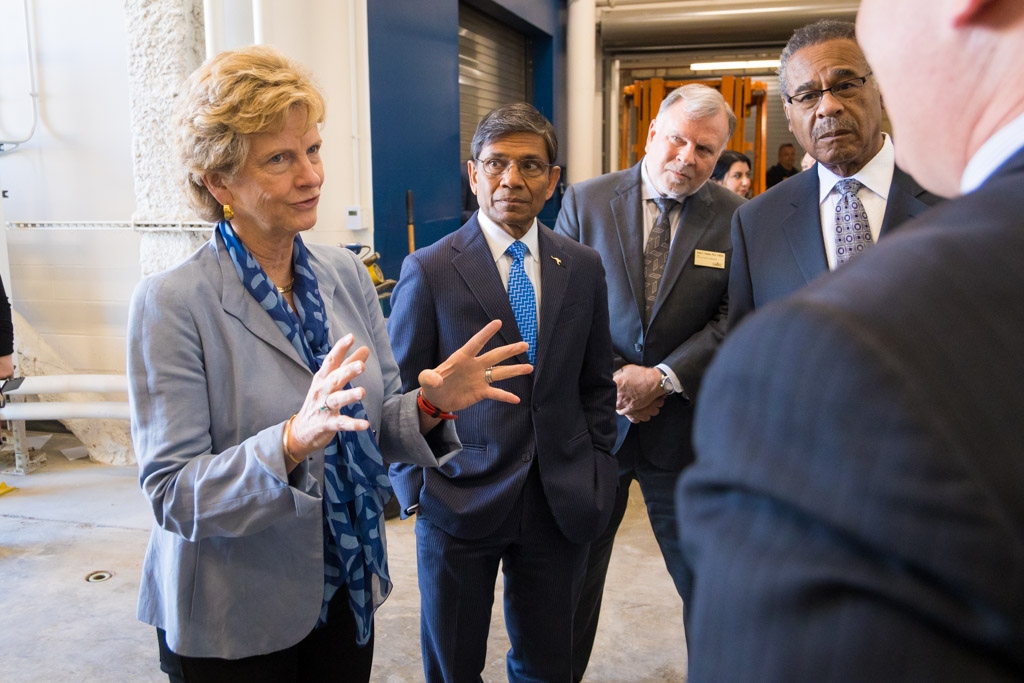
The group saw insights into UMKC's environmentally friendly emerging technologies
Former Missouri Secretary of State Robin Carnahan, Congressman Emanuel Cleaver II, Mayor Quinton Lucas and members of the General Services Administration toured the Robert W. Plaster Free Enterprise and Research Center to learn more about how UMKC's research on renewable energy could be used in government facilities.
The goal of the group's visit was for the GSA to learn more about emerging technologies at UMKC and how ongoing research here could assist the federal government in making federal buildings greener. Led by Chancellor Mauli Agrawal and School of Science and Engineering Dean Kevin Truman, they also had an opportunity to see the solar panels on the roof of the Plaster Center and hear first-hand from students about their work.
"It's always a pleasure to visit UMKC," Carnahan said. "A lot of people think that if we are going to combat climate change it's going to be by planting trees. But really what it comes down to is looking at different ways we can reimagine basic construction materials like concrete and asphalt, and they are doing a lot of that great research right here."
The Plaster Center, which opened in fall of 2021, is a $32 million, five-story, 57,800 square-foot high-tech research center. It features 11 state-of-the-art research labs and is the largest privately funded capital project in UMKC history, with more than 25 donors.
The labs within the Plaster Center contain a 3D printing lab and fabrication studio to build prototypes, high-performing computing and analytics equipment and software, an FAA-approved flight simulator, a two-story drone flight-testing bay and $3 million of augmented and virtual reality equipment.
The labs aren't just for UMKC faculty and students -- the facility is also a community hub where people from across the university, city and region can come together to discuss, design, build and innovate while propelling economic activity in the region through free enterprise.
Some of the technology within the labs is not available anywhere else in Kansas City, allowing UMKC to remain state-of-the-art in research and education while helping our community partners do the same.
Oct 13, 2022
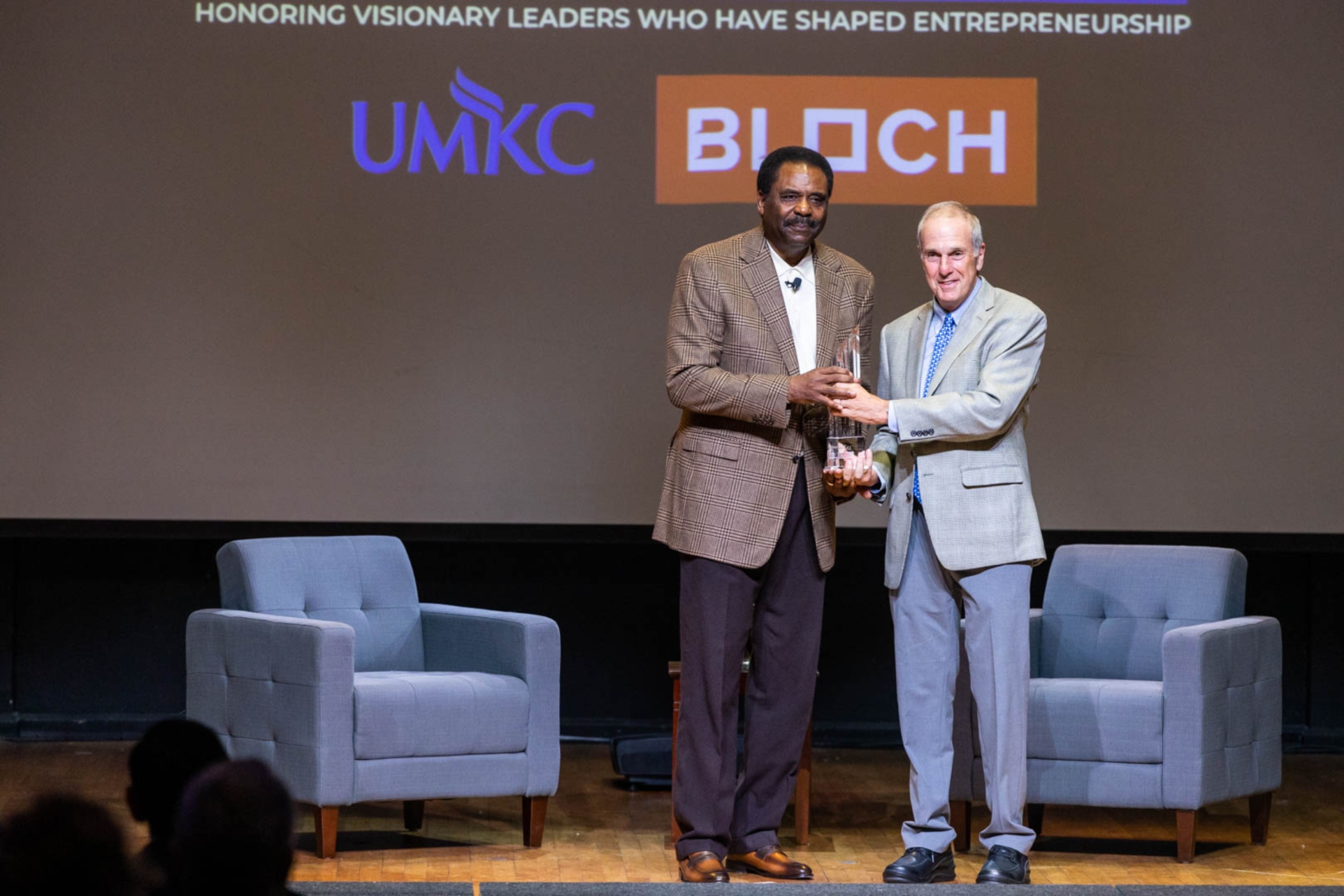
Honorees included tech giants and artists
Six innovators were awarded during the Henry W. Bloch School of Management Regnier Institute’s annual Entrepreneur of the Year Awards.
Started in 1985, the event celebrates the contributions of entrepreneurs in Kansas City and beyond by recognizing the work of Kansas City entrepreneurs and leaders, global industry leaders and students.
The 2022 awardees:
Henry W. Bloch International Entrepreneur of the Year Award: David Steward, founder and chairman of World Wide Technology.
David Steward began WWT in 1990 with a handful of employees and a 4,000-square-foot office. WWT now employs more than 9,000 people at more than 20 facilities around the world. It generates more than $16 billion in annual revenue. Steward is a civic leader and philanthropist committed to expanding opportunities for Black people and others from historically under-represented and underserved communities.
Kansas City Entrepreneur of the Year: Justin Davis, co-founder and CEO, BacklotCars.
Justin Davis has never taken no for an answer. When he launched BacklotCars in 2015, Davis said he was criticized by those who did not see his vision to create a new model for wholesale automotive auctions, replacing scheduled events with a 24/7 online marketplace for dealers. However, he persisted.
“Entrepreneurship is about being bold,” said Davis. “It’s about brining an unlikely group together and building something special.”
Just five years after it launched, BacklotCars sold for $425 million. Davis stayed on as CEO.
Marion and John Kreamer Award for Social Entrepreneurship: Bart Houlahan, Jay Coen Gilbert and Andrew Kassoy, co-founders of B Lab
Founded in 2006, B Lab provides a corporate certification program to companies that meet rigorous standards in addressing social and environmental problems through their businesses. It has now grown to include nearly 6,000 companies around the world who have committed to using business for good.
Student Entrepreneur of the Year: Tate Berry
Tate Berry is a double major in jazz studies and business administration. He previously won the Honorable Mention Creative Venture prize in the Regnier Venture Creation Challenge with his concept for a big band and is also working on launching an online music entrepreneurship studio that also serves as a more affordable alternative to music school. As part of his honor, Berry will receive a $2,500 scholarship.
Prior to the event, attendees learned about business ventures by students from Bloch and the Kansas City Art Institute at the Student Venture Showcase. “Kansas City has a long history of creating and supporting entrepreneurs, and UMKC is committed to bolstering that culture by both providing resources for entrepreneurs and providing our students with hands-on learning experiences - on campus and in the community,” said Chancellor Mauli Agrawal.All proceeds from this event directly benefit the Regnier Institute for Entrepreneurship and Innovation’s student and community programs. The Regnier Institute at the Bloch School focuses on connecting students and community members with a comprehensive combination of world-class research, renowned faculty, cutting-edge curriculum and experimental programs driven to deliver results and nurture the next generation of entrepreneurs.
Oct 13, 2022
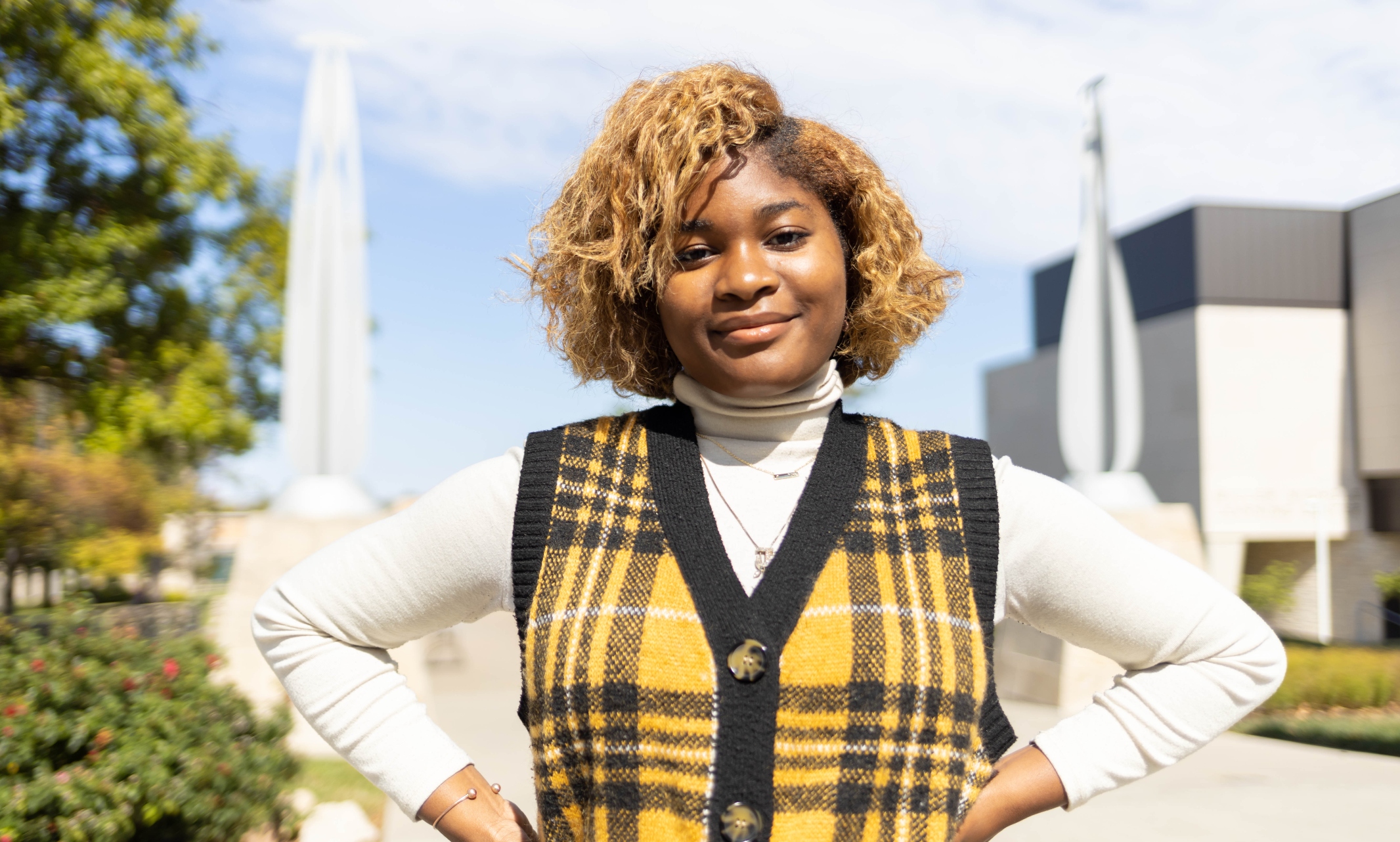
Participating students could save thousands on a college degree
The University of Missouri-Kansas City has launched new partnerships with Kansas City Public Schools and North Kansas City Public Schools that will save families thousands of dollars on a college degree. UMKC will provide automatic, renewable scholarships for any student who enrolls from those two districts. Furthermore, students from both districts can earn college credit on the UMKC campus before high school graduation for added savings.
The initiative is a huge win for the Kansas City community – and for students and their families.
“As Kansas City’s university, we’re committed to increasing college access to students here at home,” said Kristi Holsinger, senior vice provost for student success at UMKC. “Through this partnership, students will save money, earn their degree sooner after high school graduation and go on to serve our community through rewarding careers.”
UMKC has introduced a new, automatic $1,500 scholarship for up to five years for any student from the KCPS or NKC school districts. The scholarship is stackable – meaning it can also be combined with any other award.
And UMKC’s Early College Academy allows eligible high school students to attend classes on campus during the school day. It is open to qualifying juniors and seniors at KCPS and qualifying seniors at NKC. Students earn both high school and college credits from their UMKC courses. Tuition, at a reduced rate, is covered by KCPS and NKC.
“The Early College Academy model makes so much sense for our scholars,” Jennifer Collier, Ed.D., KCPS interim superintendent, said. “We know partnering with UMKC will open doors for KCPS students.”
Jayla Williams is one of the first KCPS students to participate in the program. Williams, who is in her first semester, said within the first few weeks she has already had a chance to connect with her professors and meet friends in her classes.
“It’s been an easy adjustment because my school prepared me,” said Williams. “I’m doing something that many people don’t get to do. I’m doing something that is bettering my future.”
Her mom, Janese Williams, said she is proud of Jayla and what her participation will provide.
“It means opportunity. It means elevation. She’s only 16 and she’s a college student,” said Williams. “I love that this is an opportunity that kids in Kansas City get to do. To give them a step ahead is priceless.”
Jayla and Janese Williams
North Kansas City Schools College and Career Readiness Assistant Director Shannon Gilliland said the new partnership will increase students’ course options and help them acclimate to college life.
“This will be an opportunity to learn how to navigate a large academic environment, while still having guidance as a high school student,” said Gilliland. “UMKC has about 16,000 students and getting comfortable in this environment can help our students gain confidence.”
UMKC offers more than 125 undergraduate programs, with small class sizes and real-world experiences to help students gain practical knowledge to prepare them for careers. In addition, its location in Kansas City provides strong relationships with some of the region’s top employers for internship and job opportunities.
“We are excited to see our students take advantage of the exceptional educational experience UMKC provides,” said North Kansas City Schools superintendent, Dan Clemens, Ed.D.
Students in the Early College Academy will have access to support services such as Academic Advising, Academic Support and Mentoring, Career Services and the Financial Wellness Center.
Early college programs have been shown to have a positive impact on student performance both in high school and in college, according to a 2020 policy report from the American Institutes for Research.
Additionally, the report indicates early college programs have lasting impact on communities by increasing college degree attainment, individual earning potential and tax revenue. In fact, UMKC alumni contributed $7.8 billion to Missouri’s economy in 2021, according to the university’s February 2022 Economic Impact Report.
Oct 11, 2022

The discussion was a part of the continuing collaborative, UniverCities Exchange
Academic and community leaders from Kansas City and St. Louis met virtually to discuss issues combating Missouri’s urban food deserts during this year’s UniverCities Exchange.
UniverCities Exchange is an ongoing collaborative project between the University of Missouri-Kansas City and the University of Missouri-St. Louis and gathers community leaders and academic experts to discuss problems and possible solutions affecting the Kansas City and St. Louis metro areas.
The project began in fall 2020 with a discussion of health disparities during the COVID pandemic. The goal of the conversations is to foster a connection for future collaborations across Missouri.
In this year’s installment, the panel discussed the current state of resource availability and historical events that have led to food shortages.
Steve Kraske, host of KCUR’s Up to Date and UMKC journalism professor, served as moderator. Panelists included:
Dina Newman, Director of UMKC’s Center for Neighborhoods
Aimee Dunlap, UMSL Associate Professor of Biology
Erica Williams, Executive Director of Red Circle
Max Kaniger, CEO of Kanbe’s Markets
Here are some highlights of the panel’s conversation regarding the problems and how communities are addressing them:
“The Kansas City food landscape has really changed – literally and figuratively – over these last few years. I don’t think you can get a lot for $200 or less. You can drive through these communities of concern and see small, medium and large urban gardens and urban farms. And you can see the diversity of things these people are growing. If the pandemic showed us one thing, it’s about the affordability and the accessibility of food and people are beginning to realize how vital the food system can be.” -Dina Newman
“Living in a food desert can affect your life in many ways. From the not being able to get enough food to feed your family in a way that is affordable, accessible, and attractive, but it also affects the region itself. Grocery stores provide a lot of jobs and sales tax revenue to a region. When you have an area that does not have a grocery store, you are taking all your sales tax revenue dollars and putting those somewhere else.” -Erica Williams
“I think there is lots of potential for success in things like canning and cooking demonstrations. It’s great to grow kale, but then what do you do with it? I think sharing knowledge about cooking and making food in a healthy way, can help to inspire people.” -Aimlee Dunlap
“With Kanbe’s, we wanted to come up with a model that supported small businesses that are already here and supported the infrastructure in our communities while, in the best way possible, supporting the local farm system and reducing waste on the massive wholesale farming industry. We wanted to fill a gap. From there, we have grown, and we are now distributing to over 40 convenience stores, five days a week, and getting a whole lot of healthy food into the community.” -Max Kaniger
To watch last year’s UniverCities Exchange, click here.
Oct 11, 2022
Interview with James McKusick, a researcher at the University of Missouri-Kansas City and a member of the board of directors of the Edgar Snow Memo...
Since 2016, McKusick has visited China three times and traveled to a number of cities and villages. He said that the development achievements China has made over the last decade are remarkable and exemplary. McKusick gained an interest in China from U.S. journalist Edgar Snow's 1937 book "Red Star Over China."
Oct 10, 2022
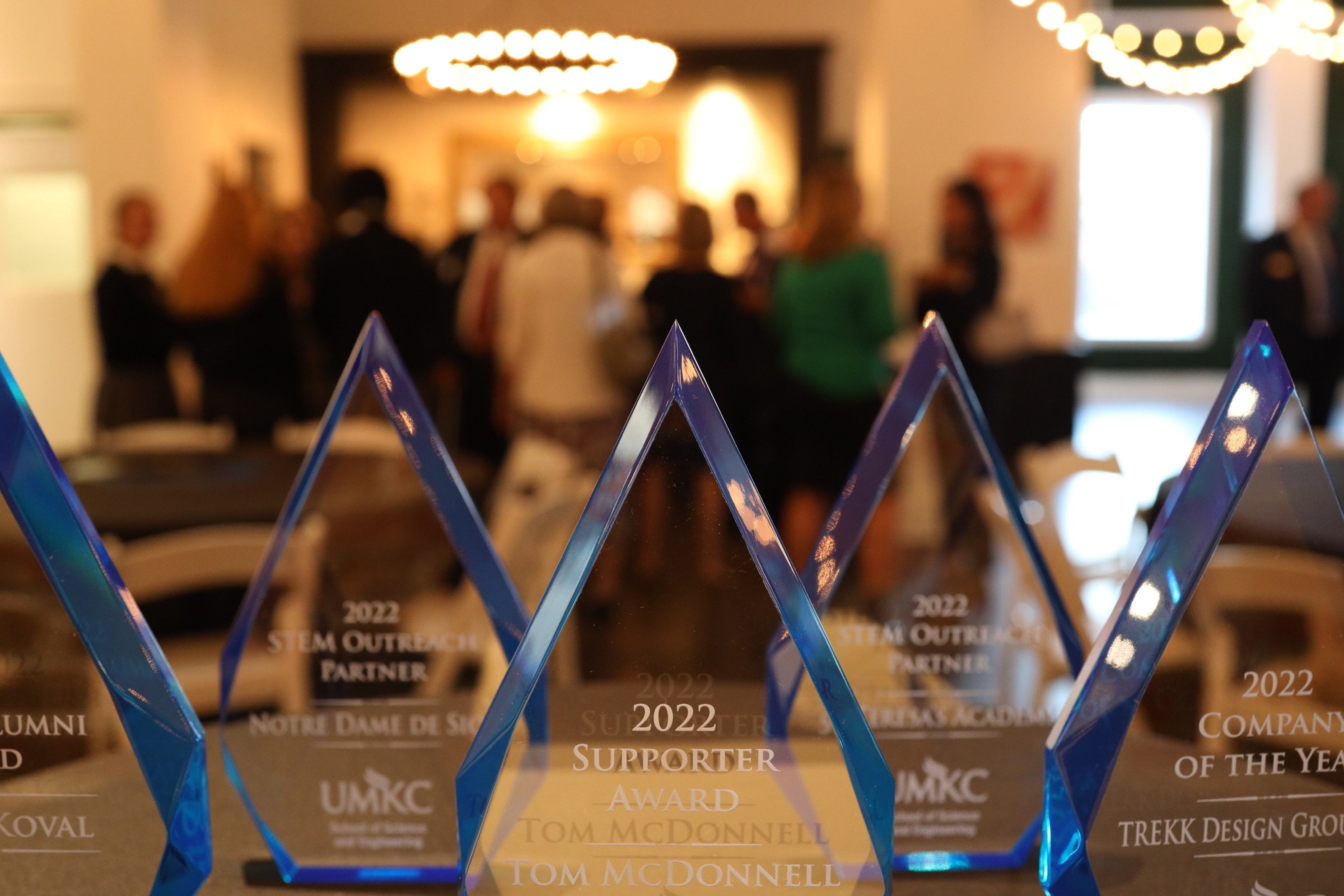
TREKK, McDonnell among this year’s Vanguard Award winners
The School of Science and Engineering recognized this year’s top donors, alumni and organizations at the 2022 Vanguard Awards.
The annual awards program is an opportunity to spotlight those who help expand STEM education and outreach in Kansas City.
2022 Vanguard Recipients
Young Alumni Award: Lauren Koval (BSCE ’17)
After her graduation in 2017, she joined McCownGordon Construction, where she progressed from a project engineer to an engineering manager and was responsible for many high-profile projects locally and regionally. In 2020, she received the Rising Trendsetter STEMMY award.
At UMKC, Koval was an exemplary student, playing for the UMKC Division 1 women’s soccer team, and being named academic all-conference for all four years in the program, all while also being a UMKC Trustee’s scholar. Koval continues to mentor UMKC Trustee’s scholars. She joined the Civil and Mechanical Engineering Advisory board in 2020 and was named chair in 2021.
Supporter Award: Tom McDonnell
McDonnell has been one of the biggest supporters of SSE over the years. Recently, he was among the first donors to sign on to support the Robert W. Plaster Free Enterprise and Research Center.
STEM Outreach Partner of the Year: Notre Dame de Sion and St. Teresa’s Academy
Notre Dame de Sion High School and St. Teresa’s Academy are committed to engaging young women in STEM in a variety of different ways. Last year, Sion’s students toured the Plaster Center and applied the concepts they learned in math into a CAD/3D printing project.
St. Teresa’s students visited campus and spent a whole day immersed in learning about aerospace engineering or augmented and virtual reality, taking their knowledge back to school to create independent projects.
These trips give students hands-on experiences and allow them to develop an enthusiasm for pursuing STEM degrees.
Company of the Year: TREKK Design Group, LLC
Founders Kimberly and Trent Robinett met as students at the formerly known School of Computing and Engineering, where, in 1995, Kimberly received a degree in electrical engineering and Trent a degree in civil engineering.
In 2002, the two launched TREKK Design Group. TREKK’s early projects focused primarily on transportation and site development work across Kansas City and later transitioned to focus on wastewater field services. In 2014, Kimberly and Trent were honored with the UMKC Alumni Achievement Award.
TREKK continues to support SSE through its sponsorship of the structural lab overlook and study areas within the Plaster Center. Trent also serves as a practitioner for the civil senior design class.
To view last year’s Vanguard winners, click here.
Oct 07, 2022
Board of Curators selects two faculty members to receive Curators’ Distinguished Professorship, the university’s highest academic honor
UMKC celebrated the promotion and tenure of more than 30 faculty members Sept. 20.
“Achieving promotion and tenure requires significant focus and dedication. In addition to the rigorous academic review required to be promoted and or tenured, you persevered through the challenges that the pandemic has brought over the past few years,” Jenny Lundgren, UMKC provost, said. “You shifted to remote learning, and sometimes shifted back again, modified curricula, reconfigured research studies and performances, and supported students in distress – all while handling the disruption in your personal lives. Your accomplishments are nothing short of remarkable.”
Lundgren noted the depth and commitment to their students and academic disciplines were admirable.
“We are fortunate that you have invested your time and talent here at UMKC. Your achievements are your own, but your colleagues, students, and the world benefit from them.”
Lundgren announced that the UM System Board of Curators approved two UMKC faculty members for the System’s highest academic honor. Max Vitiello, Ph.D., from the Department of History in the School of Humanities and Social Sciences, was appointed Curators’ Distinguished Professor. Tina Niemi, Ph.D., Earth and Environmental Sciences in the School of Science and Engineering, has been appointed as Curators’ Distinguished Teaching Professor.
Other faculty awards and honors – such as new Curators’ Distinguished Professors, and Trustees’, Governor’s and Chancellor’s awards for research, teaching, mentoring, community engagement and commitment to diversity and inclusion – will be presented at a separate event in the spring semester.
The promotion and tenure process at UMKC involves a lengthy and rigorous review of academic performance in the areas of teaching, scholarship and service. Each of the academics recognized at the celebration has demonstrated to their peers and to the administration that they have met high standards for sustained contributions and outstanding performance.
UMKC 2022 Promotion and Tenure
Alison Graettinger, School of Science and Engineering, tenure with promotion to associate professor
Oh Ha, School of Education, Social Work and Psychological Sciences, tenure with promotion to associate professor
Erin Hambrick, School of Education, Social Work and Psychological Sciences, tenure with promotion to associate professor
Bryan Hong, Bloch School of Management, tenure with promotion to associate professor
Ryan Mohan, School of Science and Engineering, tenure with promotion to associate professor
Mostafizur Rahman, School of Science and Engineering, tenure with promotion to associate professor
Roozmehr Safi, Bloch School of Management, tenure with promotion to associate professor
Joanna Scott, School of Dentistry, tenure with promotion to associate professor
Fengpeng Sun, School of Science and Engineering, tenure with promotion to associate professor
Sarah Cox, School of Pharmacy, promotion to associate clinical professor
Elizabeth Englin, School of Pharmacy, promotion to associate clinical professor
Kristin Lee, School of Nursing and Health Studies, promotion to associate clinical professor
Juliana Redford, School of Dentistry, promotion to associate clinical professor
Linda Seabaugh, School of Dentistry, promotion to associate clinical professor
Holly Hagle, School of Nursing and Health Studies, promotion to associate research professor
Paul Barron, School of Science and Engineering, promotion to associate teaching professor
Bryan Boots, Bloch School of Management, promotion to associate teaching professor
Lena Hoober-Burkhardt, School of Science and Engineering. promotion to associate teaching professor
Preetham Goli, School of Science and Engineering, promotion to associate teaching professor
Bill Keeton, Bloch School of Management promotion to associate teaching professor
Julie Kline, Bloch School of Management, promotion to associate teaching professor
Melisa Schulte, Bloch School of Management, promotion to associate teaching professor
Amy Simmons, School of Education, Social Work and Psychological Sciences, promotion to associate teaching professor
Pat Welsh, Bloch School of Management, promotion to associate teaching professor
Larry Wigger, Bloch School of Management, promotion to associate teaching professor
Michael Wizniak, Bloch School of Management, promotion to associate teaching professor
Cynthia Flanagan, promoted to librarian II
Stuart Hinds, University Libraries, promoted to librarian III
Tracey Hughes, University Libraries, promotion to librarian III
Mardi Mahaffy, University Libraries, promotion to librarian IV
Sandy Rodriguez, University Libraries, promoted to librarian IV
Lindy Smith, University Libraries, Promoted to Librarian III
Marie Thompson, University Libraries, Promoted to Librarian III
Cydney McQueen, School of Pharmacy, promotion to clinical professor
Eileen Cocjin, School of Dentistry, promotion to clinical professor
Cydney E. McQueen, School of Pharmacy, promoted to clinical professor
Erica Ottis, School of Pharmacy, promotion to clinical professor
Andrew Smith, School of Pharmacy, promotion to clinical professor
Rebeca Weisleder, School of Dentistry, promotion to clinical professor
Brenda Bethman, School of Humanities and Social Sciences, promotion to teaching professor
John Eck, School of Science and Engineering, promotion to teaching professor
Beth Elswick, UMKC Conservatory, promotion to teaching professor
Phillip Gonsher, Bloch School of Management, promotion to teaching professor
Brian Hare, School of Science and Engineering, promotion to teaching professor
Margaret Kincaid, School of Science and Engineering, promotion to teaching professor
Kevin Kirkpatrick, School of Science and Engineering, promotion to teaching professor
Rana Lehr-Lehnardt, School of Law, promotion to teaching professor
Brian Frehner, School of Humanities and Social Sciences, promotion to professor
DeAnna Hiett, UMKC Conservatory, promotion to professor
Zhu Li, School of Science and Engineering, promotion to professor
Tim Lynch, School of Law, promotion to professor
Cynthia Petrie, School of Dentistry, promotion to professor
Melisa Rempfer, School of Social Work and Psychological Sciences, promotion to professor
Tom Rosenkranz, UMKC Conservatory, promotion to professor
Zach Shemon, UMKC Conservatory, promotion to professor
Mikah Thompson, School of Law, promotion to professor
Michael Wacker, School of Medicine, promotion to professor
Ye Wang, School of Humanities and Social Sciences, promotion to professor
Oct 06, 2022
Interdisciplinary team receives CDC grant to develop a new generation of mathematical and computational models of infectious diseases
In the last months of 2019, Majid Bani Yaghoub, Ph.D., planned his mathematics curriculum to study a new virus that was beginning to spread in China. He knew mathematical modeling and analysis based on a real-world situation would be a good fit with his students in Graduate Differential Equations.
Even then, before COVID-19 became a common topic of global study, Bani’ s students were using optimal control theory to predict the best way to minimize spread. Bani is furthering his work through interdisciplinary research to develop and implement mathematical and computational models to optimize control and prevention of infection in healthcare settings.
Bani has assembled researchers from the UMKC Division of Computing, Analytics and Mathematics; the UMKC Department of Biomedical and Health Informatics; the UMKC School of Medicine; University Health; the Kansas City, Missouri, Health Department; and the University of California-Davis School of Veterinary Medicine to form the Midwest Virtual Laboratory of Pathogen Transmission in Healthcare Settings (MVL-PATHS), an interdisciplinary research collaborative.
The Center for Disease Control awarded MVL-PATHS a three year $879,162 grant to develop a new generation of mathematical and computational models of infectious diseases. The team will use the One Health modeling approach, which incorporates interconnections between people, animals, plants and their shared environment.
Bani believes the One Health approach – a process that recognizes the health interconnections among people, animals, plants and their shared environment – is crucial to identify risk factors for transmission of healthcare-associated infections.
The research team will be working with healthcare providers to record their movements, how much time they spend with patients and other factors in order to collect data that will make models more accurate than the current models.
“We’re not interested in watching individuals,” he says. “The models will identify high-risk movement patterns and hotspots at a hospital so that we can have better control of asymptomatic spread of infection.”
The research could foster a healthier general population, but the team is paying special attention to vulnerable populations.
“Already, the research shows that people who are working in nursing homes may work at multiple locations, so it’s possible they are taking infections from one nursing home to another. This is not about laying blame. The research can help us discover ways that we can improve the situation.”
The interdisciplinary team is critical to the research success.
“This is a great start for the UMKC School of Science and Engineering and a direct result of the university’s restructuring through UMKC Forward,” Bani said. “The COVID-19 pandemic taught us many lessons, and one of the key lessons was that math models are useful, though they are far from perfect. There is a need to create a new generation of math models, computational models and tools that can become more accurate, more reliable.”
But the work goes beyond research of what has already occurred.
“The essence of this project is to develop a virtual laboratory for simulation of disease spread, and at the same time train PhDs who can implement the virtual laboratory in health institutes, and work with the Center for Disease Control and health departments,” Bani said.
“There were many things that we could have done to lessen the impact of COVID-19. The key now is to learn from that experience and use the One Health modeling approach rather than looking at an individual farm or hospital. We must recognize that the world is fully connected, and we need to look at these problems as one big picture and see how these different units and communities can work together.”
Oct 04, 2022
Program looks to increase underrepresented students getting STEM degrees
A UMKC program aimed at providing early-college STEM experiences to underrepresented high school students celebrates a decade of accomplishments this year.
Aptly titled A Bridge to the Stars, the program allows the selected students to participate in one of Professor Daniel McIntosh’s 100-level astronomy courses, with the help of UMKC faculty and student near-peer mentors. These Bridge Scholars receive scholarships that cover tuition and fees and the course workbook. They also receive all resources available to UMKC students for the semester.
Daniel H. McIntosh, Ph.D., distinguished professor of physics and astronomy and founder of A Bridge to the Stars, is proud of what the program has accomplished over the years.
“In the decade that we have run this program, we've awarded 81 scholarships to 73 different high school kids,” McIntosh said. “Ninety-five percent of those students completed the class for college credit. There is no gap in their learning outcomes compared to roughly 1,000 UMKC students enrolled in the same classes.”
McIntosh notes that 80% of participants have been students of color, and nearly all come from low-income households. “What’s even more amazing about these outcomes is that the Bridge Scholars have been selected based solely on their stated aspirations to go to college and on their interest in astronomy. This program is truly equitable in that our selection is not based on academic performance.”
In an effort to grow the program into the next decade, McIntosh has brought on Lauren Higgins (MS ’22) as Program Coordinator. Higgins was a peer mentor for A Bridge to the Stars and said the opportunity was formative to her college career.
“It’s more than just helping the students, which is also great,” Higgins said. “Undergraduates from across many different departments are given an opportunity to help students get a higher education experience. These Roos get experience collaborating with a team and giving a presentation. They get to go to a conference and network. For UMKC students, too, it's great program.”
With Higgins’ help, McIntosh hopes he can spread the concept of A Bridge to the Stars to other departments and other universities.
“My motivation from the very beginning was recruiting more underserved kids into STEM degree programs and ultimately careers to broaden stem,” he said. “I always summarize when I give high level talks that there are huge national, regional and local challenges to increasing and broadening the future STEM workforce. I believe that intentional programs like A Bridge to the Stars can provide a way to inspire and empower many students who are historically less likely to self-identify with STEM careers yet can succeed in STEM if encouraged.”
Sep 28, 2022
Funds support redesign and development of new academic assessment resources
The Kansas City Regional Professional Development Center (RPDC) at the University of Missouri-Kansas City received a contract for up to two years and $29 million from the Missouri Department of Elementary and Secondary Education to re-design academic assessment resources to help teachers identify and address gaps in student learning in a more timely and effective manner.
The Kansas City RPDC, housed in the UMKC School of Education, Social Work and Psychological Sciences, will provide staffing, design, content development and project implementation to support research in learning loss from Kindergarten through high school. The project was born from a need to understand how the effects of the COVID-19 pandemic disrupted elementary and secondary education in Missouri, but also has a larger purpose of developing a tool that will provide teachers data on student comprehension within the year they are teaching, so the gaps in learning can be addressed before the summer break.
“Based on scientific knowledge this is a huge step,” Michael Pragman, Ed.D. senior program director at the RPDC, says. “Typically, in the state of Missouri there are assessments that are officially measured starting with third grade. At that point you may be receiving data on a student entering fourth grade who is already behind.”
Providing teachers with data on whether they are meeting the goals for the students within the academic year will be a difference-maker, because teachers will receive information for their current students and have time to address them before the students move on to a new grade and teacher.
Pragman anticipates that addressing learning challenges earlier may have long term academic effects.
“If we wait until the end of third grade, a lot of students who are frustrated don’t care about school anymore. We know from research that by fourth grade students either have a love of learning and want to continue or are bored, and their behavior is to act out. We think the results of this testing may abate some of that.”
Carolyn Barber, Ph.D., interim dean of the School of Education, Social Work and Psychological Sciences, says the focus on individual learning is an important part of this research.
“I think it's a testament to the work that the RPDC and the school has done to be a partner, not only in the Kansas City Metro, but to the state of Missouri. We are recognized for our expertise,” Barber says. “We didn’t start working with assessments like these because there was a crisis. Dr. Pragman and members of his team have been active in this area for years, which is what made us an attractive partner for the state of Missouri.”
Sep 27, 2022
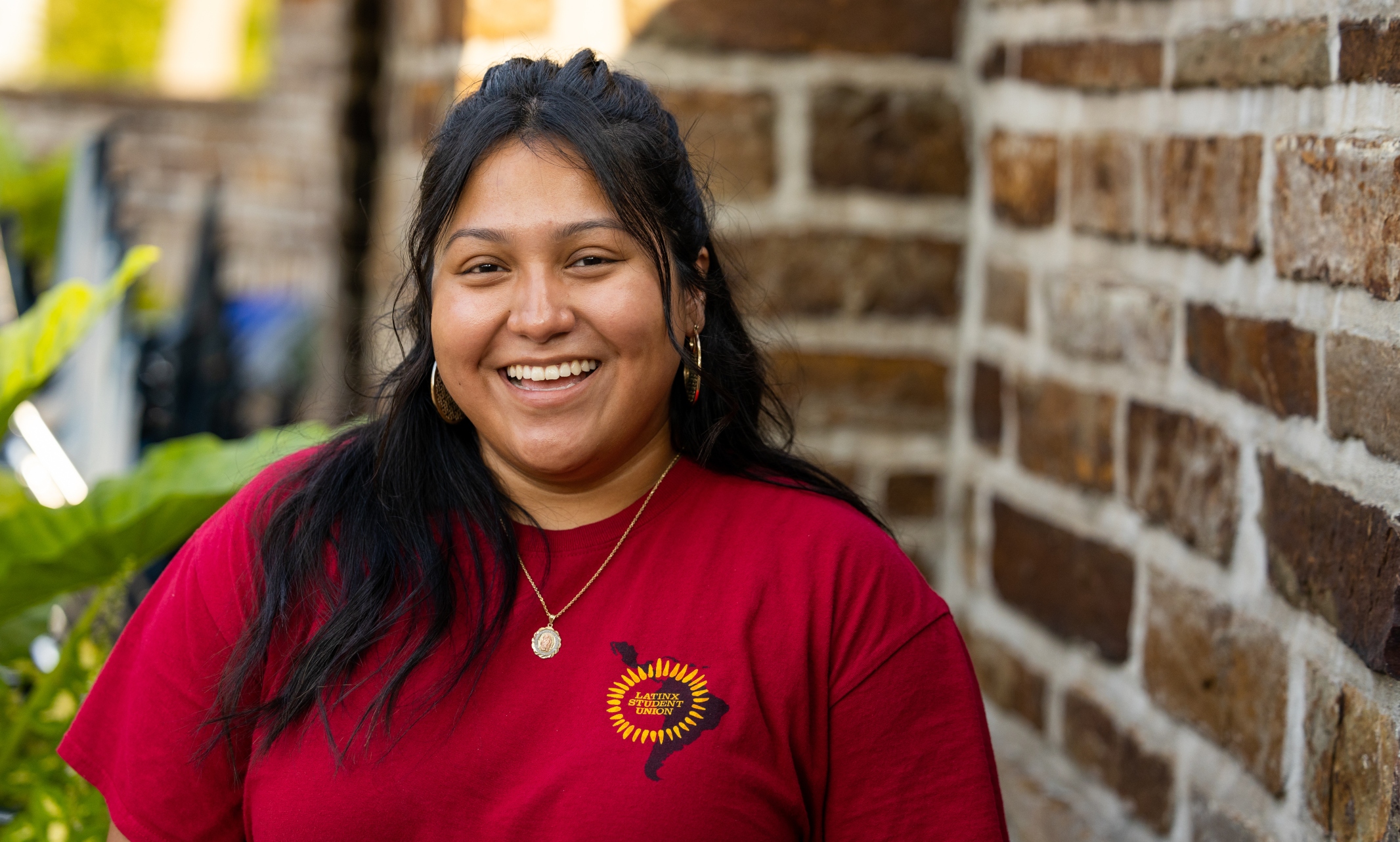
Lauren Orozco decided to attend UMKC for the vibrant community
Roos don’t just dream, they do. Our students turn ideas into action every day. Get to know our people, and you’ll know what UMKC is all about.
Lauren Orozco Anticipated graduation: 2022Academic program: B.A. business, marketing; minor Latin American StudiesHometown: Kansas City, Kansas
Why did you choose UMKC?
I was thinking about going further away, but I decided to stay close to home. UMKC allowed me to have a secure place in the community that’s so vibrant. That was a big draw.
Why did you decide to major in marketing?
I would like to create and provide resources for my Latinx community. I think the greatest way to do that is making sure that people are informed. Marketing is all about information and creating resources for people. So, combining that with my Latin American Studies minor, I am able to do both.
What are the challenges of the program?
I have such a nonprofit focus with my marketing degree. Differentiating the needs of the corporate and nonprofit sectors is definitely hard, especially in marketing, just because it can be so corporate.
What are the benefits of the program?
Being a student at the Henry W. Bloch School of Management puts you on a higher pedestal in Kansas City in general. As Bloch students we have so many resources. I've had the opportunity to meet great people, not only through my professors, but through the events that Bloch offers.
UMKC is impacting the community in such different and diverse ways. When I say I am a UMKC student, it typically puts a glow on everyone’s faces.
How has the program inspired you?
I think being a Latina in the business sector is hard. So, I found people that identify this way, and as other minorities, within the business program and through the Multicultural Student Affairs office during my first semester at UMKC. That really gave me a base to work with through the rest of my college career.
My three passions really came to light at UMKC: my focus on my community, marketing and higher education. I've been able to combine all three. and I don't think I would have been able to have this clear path for myself had I gone to any other school.
Also, I work extensively with the Academic Support and Mentoring (ASM) office. It's a great resource for students, and I’ve realized how many opportunities and resources I can provide for my higher education community through my experience with ASM.
Now that I'm finishing up, I realize how many resources and opportunities I opened up for myself by just relying on a community that I found here.
You’re president of the Latinx Student Union. How did you get involved?
The Latinx Student Union is how I got involved with UMKC in the first place. I was at the Fiesta Hispana in Barney Allis Plaza, and I met someone who said she was involved with LSU at UMKC and that they were fundraising for new student scholarships. I thought it was great that this was something I could get involved in at UMKC. Throughout Hispanic Heritage Month we work with community partners to raise awareness about this home away from home at UMKC.
What would you tell someone who doesn't have the experience that you had in getting exposed to the Hispanic student union so organically, especially if they were a little intimidated?
I think it's definitely scary to just be put into such a large atmosphere and expect to make friends and be a part of this community. But when I first meet students, I always say, “We're not just acquaintances, we're friends. Follow me on social media, we'll DM each other, and you ask me any question that you want to.” I make myself an open resource for them.
Do you feel as if you are a resource for other people?
Yes, I work with both the higher ed and the Latin X communities here on campus, and I’m able to become a resource for all parts of campus. I opened myself up to the students as well, which provides peer-to-peer contact versus just faculty or supervisor. I feel like it makes people feel a lot more comfortable coming to me, a student, and asking questions.
Who do you admire most at UMKC?
Jessica Brooks (director of ASM) and Megan Elsen (associate director of ASM) have really shined a light on what it's like to be a diverse first gen student at UMKC, and they've given me a pathway to feel seen and heard on campus. I felt at first like I was at an automatic disadvantage but having resources like ASM and its faculty and staff, I felt that I had a dictionary to this really diverse vocabulary that is the university lifestyle.
What do you have to take from your experiences here into your professional career?
I want to work in higher ed, and I think UMKC gave me a great baseline of what it means to be a part of a huge family in a big city. UMKC is Kansas City's university. And I don't think I'll ever get that experience anywhere else.
Sep 26, 2022
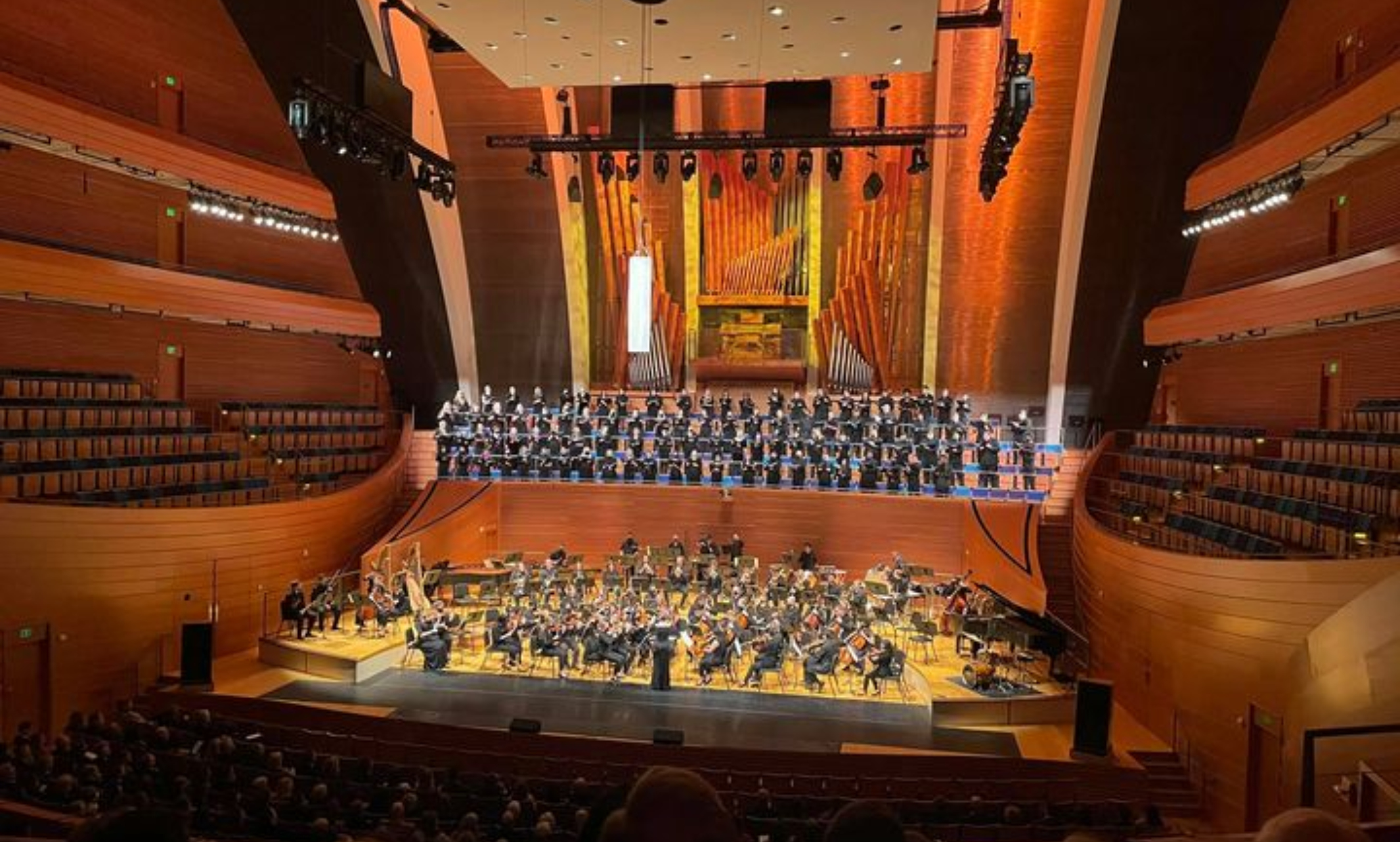
From soccer to the symphony to service projects, there’s something for everyone
Once again, it’s time to celebrate UMKC Engagement Month, a 31-day celebration of all the ways our UMKC students, faculty, staff, alumni and friends contribute to the Kansas City community and beyond.
UMKC and the University of Missouri System are dedicated to providing teaching, research and service to our community and state year-round; during October, we celebrate that commitment with an array of special events. This year, from soccer to the symphony to service projects, there are numerous opportunities to join in the celebration of our commitment to transform our community and region with impactful engagement.
UMKC Engagement Month activities are produced by the Division of External Relations and Constituent Engagement. Click here for UM System Extension and Engagement Week information.
The full schedule of UMKC events is available at this page. Here’s a look at some of the highlights.
UMKC Day at the Kansas City Symphony
Sunday, Oct. 9 | 2 p.m.| Kauffman Performing Arts Center, 1601 Broadway
The Kansas City Symphony is generously providing the UMKC Community with discounted tickets at a rate of $12 per ticket (parking at additional cost). Visitorg or call (816) 471-0400 and ask for the UMKC discount for this performance.
The performance will feature multiple pieces revolving around the theme of nature and the environment, including a performance by Principal Percussionist Josh Jones of Adam Schoenberg's percussion concerto, "Losing Earth."
More information at https://community.umkc.edu/engagements/umkc-day-at-the-kansas-city-symphony/
“ART of Being Me” mental health exhibit
19 through Nov. 30 | Throughout Miller Nichols Library
UMKC is partnering with the Burrell Foundation to display the exhibit created by artist Randy Bacon. It consists of multiple forms of media, including inspiring portrait artwork, personal written stories and a series of short films.
The collection showcases the personal stories of more than 20 individuals who have lived experiences with mental health conditions or diagnoses.
A UMKC student will be adding a new piece to the exhibit that will be on display here and then continue on with the exhibition.
More information at https://community.umkc.edu/engagements/umkc-to-host-the-burrell-foundations-art-of-being-me-mental-health-exhibit/
UMKC Night at Sporting KC
Sunday, Oct. 2 | 4 p.m.| Children's Mercy Park
Sporting Kansas City takes on conference rivals Seattle Sounders
Before the game, stop by the Mazuma Plaza to visit with representatives from Athletics, Admissions and Alumni Relations. There will be giveaways, photo opportunities with KC Roo and more.
More information at https://www.umkcalumni.com/s/1236/16/index.aspx?sid=1236&gid=1&pgid=4559&content_id=6032
Troostapalooza
Saturday, Oct. 8 | noon-6 p.m. | 30th and Troost
Celebrates the local community by bringing together neighbors, small businesses and entrepreneurs to engage with their community and highlight the Troost Corridor.
UMKC is the lead sponsor of the event.
More information at https://community.umkc.edu/engagements/troostapalooza/
UniverCities Exchange
Topic: Combating Missouri’s Urban Food Deserts
Monday, Oct. 10 | 2-3 p.m.
UniverCities Exchange, an ongoing collaborative project between UMKC and UMSL, gathers community leadership alongside academic expertise to discuss problems and possible solutions to issues affecting the Kansas City and St. Louis Metro Areas.
Panelists Include:
Dina Newman, Director of the UMKC Center for Neighborhoods
Aimee Dunlap, UMSL Associate Professor of Biology
Erica Williams, Executive Director, A Red Circle
Max Kaniger, CEO, Kanbe's Markets
Moderated by Steve Kraske of KCUR
More information at https://community.umkc.edu/engagements/univercities-exchange-combating-missouris-urban-food-deserts/
Hungry for Trivia: A Hungry for MO Season 2 Launch Party
Oct. 19 | 6:30 p.m.| Casual Animal Brewery, 1725 McGee St.
UMKC, KCUR, and the Missouri Humanities Council sponsor a food-based trivia contest to support KCUR and UMKC’s Kangaroo Pantry at the Dr. Raj Bala Agrawal CARE Center.
The event is a launch party for Season Two of "Hungry for MO," a podcast that brings you the stories behind iconic foods in the state of Missouri.
More information at https://community.umkc.edu/engagements/hungry-for-trivia-a-hungry-for-mo-season-2-launch-party/
Sep 22, 2022
Alumna Amanda Davis begins her role as president Nov. 2
Amanda Davis (MPA ’02) has been named the new University of Missouri-Kansas City chief advancement officer and president of the UMKC Foundation beginning Nov. 2. Davis has extensive experience in university fundraising, including the creation of advancement infrastructure and the development and execution of a comprehensive $2 billion campaign.
Davis began her fundraising career in Kansas City in 2002, generating more than $600,000 annually for Genesis School. She has extensive knowledge of UMKC and the UMKC Foundation through her work as director of advancement for the UMKC Law Foundation from 2009-2011.
Continuing to build her career in university advancement, her most recent role was assistant vice president for campaign leadership at the University of Oklahoma Foundation, where she developed programs and policy to accelerate advancement outcomes. Her focus on identifying gift opportunities and prospects contributed to more than $300 million in annual fundraising results.
Davis brings a deep understanding of the Kansas City and UMKC communities. She will have dual reporting responsibilities to UMKC Chancellor Mauli Agrawal and the UMKC Foundation Board of Directors. She will also serve on the university Executive Council and have broad authority to shape and build an advancement program supporting UMKC and UMKC Athletics through annual giving, corporate and foundation relations, major gifts and gift planning programs, endowment, capital campaigns, stewardship and advancement services.
“Amanda has significant experience and success at large universities that will be key to taking our UMKC Foundation to the next level,” Chancellor Agrawal says. “She has a passion for cultivating new donors and bringing advancements in technology to improve the way we do business. In addition, we are thrilled that she knows and understands our Kansas City community and we will be excited to incorporate her ideas here at UMKC.”
She is ready to leverage the existing strengths of the UMKC Foundation for long-term university and community growth and success.
“With the successful staff that is already in place, and the support of the UMKC Foundation board members who are passionate about the community as a whole and the accomplishments of individual students, I know we can execute the vision for accelerating student success, generating significant growth in research and the commitment to further healthcare delivery for the region,” Davis says.
Jerry Reece, chair of the UMKC Foundation Board, says he has high expectations for Davis.
“We are confident that under Amanda’s leadership the UMKC Foundation will continue to be a trusted community partner and exceed its goals for the development of the university,” he says. “We look forward to her engagement with the university and Kansas City communities.”
Co-chairs for the search were Warren Erdman, executive vice president Kansas City Southern Railway and UMKC Trustee and Sheri Gormley, chief of staff, office of the chancellor at UMKC.
Davis is excited to be back in Kansas City and ready to reestablish her community ties.
“One of my favorite quotes is from Horace. ‘Begin, be bold, but venture to be wise.’ This corresponds with my view of UMKC. There’s a vision and an opportunity to be exceptional,” she says.
Sep 21, 2022
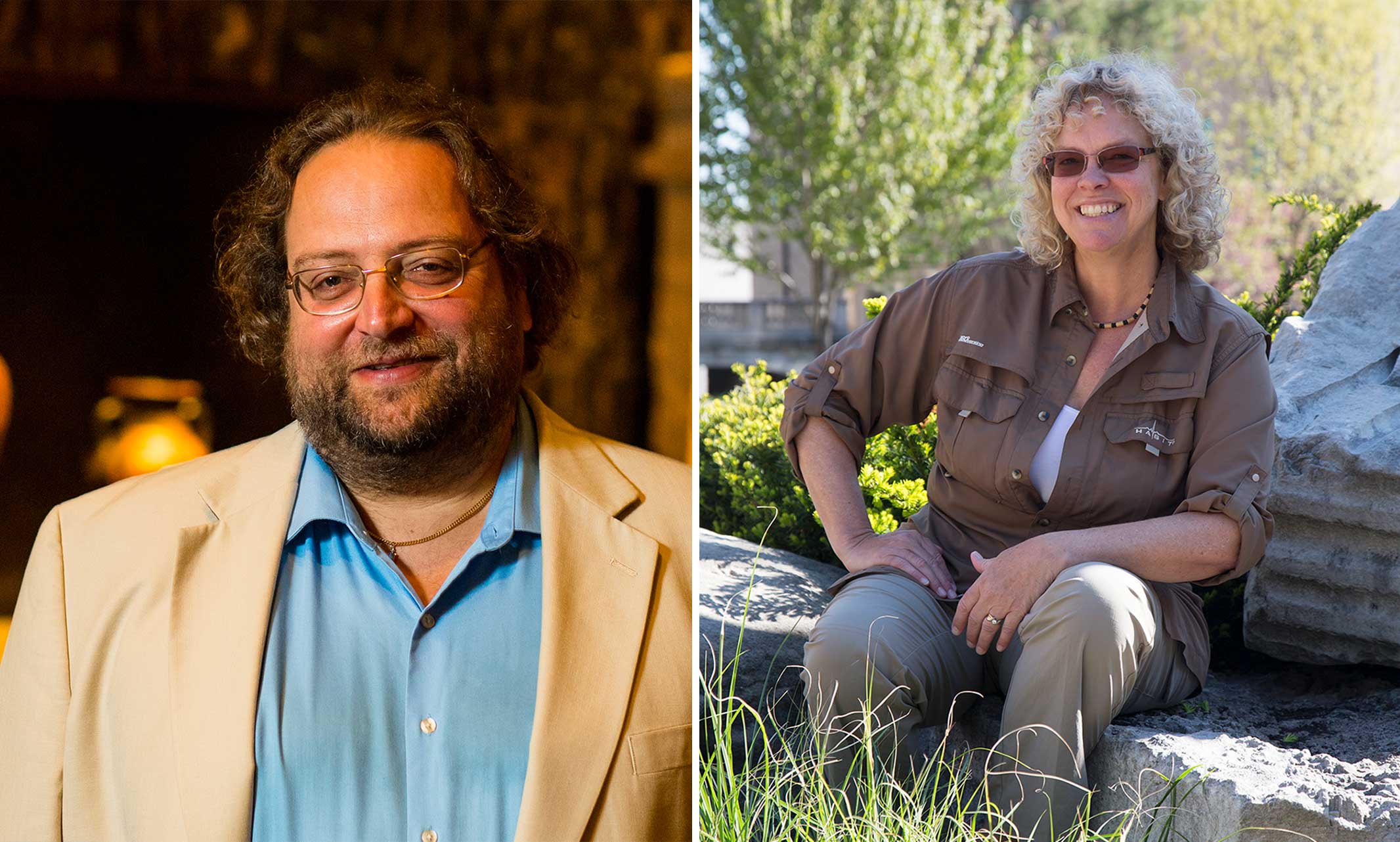
The award is the highest and most prestigious academic rank in UM System
The University of Missouri Board of Curators recently named two University of Missouri-Kansas City faculty members Curators' Distinguished Professors.
A Curators' Distinguished Professorship is the highest and most prestigious academic rank awarded by the Board of Curators. It is given to a select few outstanding scholars with established reputations.
This year, Tina Niemi, Ph.D., of the School of Science and Engineering, and Massimiliano Vitiello, Ph.D., of the School of Humanities and Social Sciences, were selected for the honor.
"Tina and Massimiliano are exemplary role models for what it means to be a UMKC faculty member. They both have accomplished so much and we could not be more proud," said Jenny Lundgren, Ph.D., Provost and Executive Vice Chancellor.
Niemi is a geologist who specializes in geoarchaeology, sedimentology and active tectonics. She and her students collect aerial imagery using drones and stratigraphic data from outcrops, trench excavations and cores in order to build a deeper understanding of the history and nature of tectonic, climate and anthropogenic environmental changes through time.
"I am honored to have been awarded a Curators' Distinguished Professorship and I thank my colleagues, collaborators and students both for supporting my nomination, and even more, for so many wonderful years of working together," Niemi said.
Vitiello is a scholar of ancient history, Late Antiquity, Byzantium and the early Middle Ages, with an emphasis in Roman History. He specializes in the history of the late Roman Empire and the transformation of the Mediterranean World, and works on classical philology, historiography, epigraphy, numismatics and the material culture of the classical world.
"I am deeply honored by this appointment and I am determined to continue my research with dedication and passion," Vitiello said. "The University's commitment to scholarship that this distinction represents is both humbling and inspiring."
In addition to Niemi and Vitiello, this year's recipients also include:
Curators' Distinguished Professor Emeritus, John C. Walker, MU
Curators' Distinguished Teaching Professor, Dorina Kosztin, MU
Curators' Distinguished Teaching Professor, David Westenberg, S&T
Curators' Distinguished Professor, Sajal Das, S&T
Curators' Distinguished Professor, Rajiv Mohan, MU
Curators' Distinguished Professor, Ron Mittler, MU
Curators' Distinguished Professor, Kannappan Palaniappan, MU
Curators' Distinguished Professor, Robert Paul, UMSL
Curators' Distinguished Professor, Thomas Sewell, MU
Sep 20, 2022
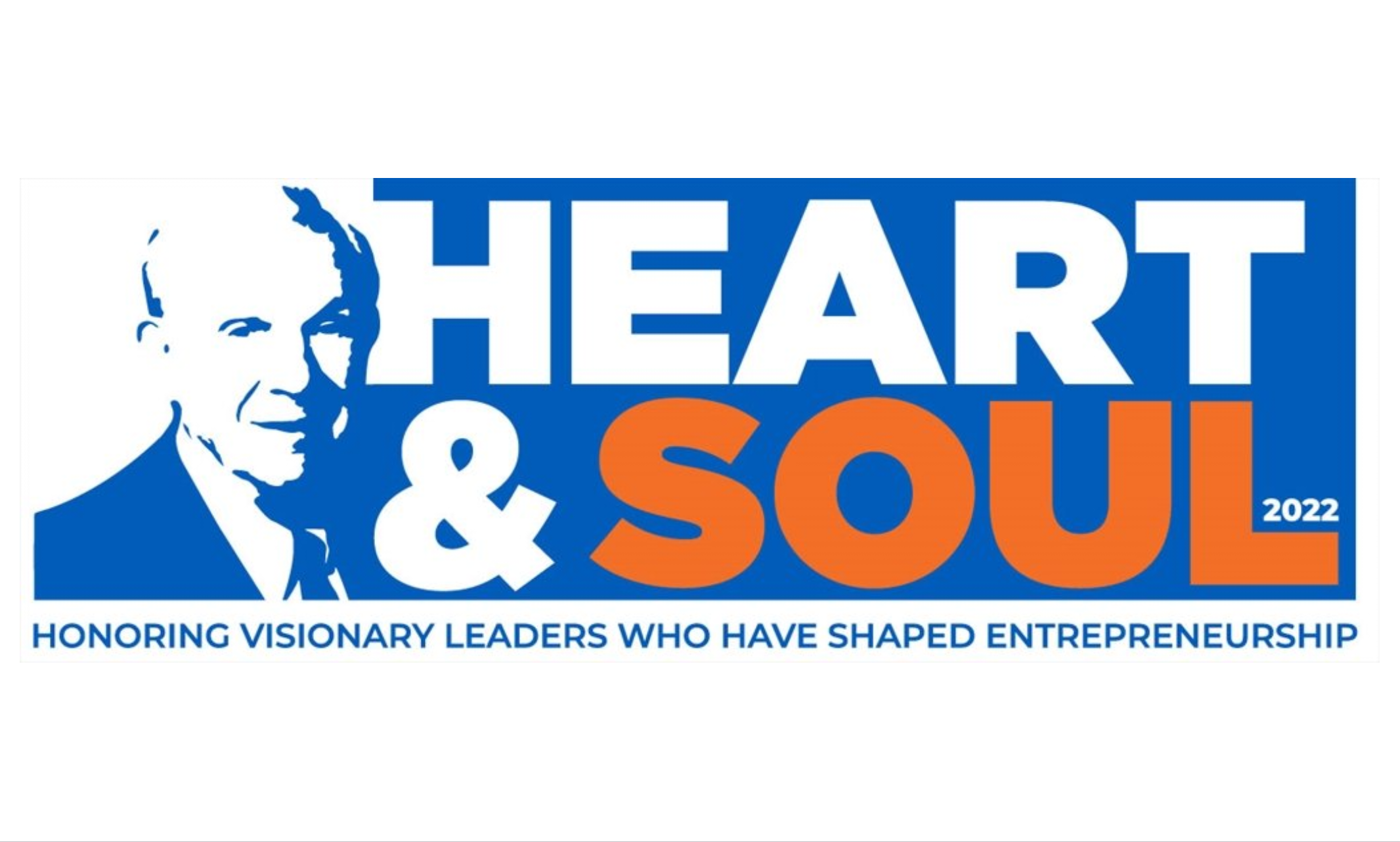
Six to receive Entrepreneur of the Year awards
Honorees for the annual Entrepreneur of the Year awards from the University of Missouri-Kansas City include the founder and chairman of the largest Black-owned company in the United States, and the person who launched wholesale automobile auctions into 21st century cyberspace.
The celebration is sponsored by the Regnier Institute for Entrepreneurship and Innovation at the university’s Henry W. Bloch School of Management.
The 2022 event will return to the traditional in-person format, and at a new location: Plexpod Westport Commons 300 E. 39th St., Kansas City. The event begins at 5 p.m. Oct. 12 with the Student Venture Showcase; the awards program begins at 7 p.m. Tickets may be purchased at this page.
The full list of 2022 honorees includes:
Henry W. Bloch International Entrepreneur of the Year Award: David Steward, founder and chairman of World Wide Technology. After being named the top sales executive for FedEx, Steward set out to fulfill a lifelong dream: own a company. He began WWT in 1990 with a handful of employees and a 4,000-square-foot office. WWT currently operates in 4 million square feet of space in more than 20 facilities throughout the world. The company employs more than 9,000 people globally and generates more than $14.5 billion in annual revenue. Steward is a civic leader and philanthropist committed to expanding opportunities for Black people and others from historically under-represented and underserved communities.
Kansas City Entrepreneur of the Year: Justin Davis, co-founder and CEO, BacklotCars.BacklotCars created a new model for wholesale automotive auctions, replacing scheduled events with a 24/7 online marketplace for dealers. BacklotCars, which launched in 2015, provides vehicle inspections, transportation and inventory finance services to dealers. The founders sold the company for $425 million five years after launch, with Davis staying on as CEO.
Marion and John Kreamer Award for Social Entrepreneurship: Bart Houlahan, Jay Coen Gilbert and Andrew Kassoy, co-founders of B The trio co-founded B Lab in 2006 to drive systemic change to address social and environmental problems. They created a corporate certification program that recognizes organizations maintaining high standards of social and environmental performance.
Student Entrepreneur of the Year: To Be Announced Each year the Bloch School’s Regnier Institute Advisory Council gives a $2500 scholarship to a Bloch School student for significant entrepreneurial achievement. The recipient will be announced at the event.
The Entrepreneur of the Year Awards event is an iconic Kansas City tradition started in 1985. Beyond its philanthropic cause, this event is a valuable forum where Kansas City CEOs, entrepreneurs, business owners, industry legends, world-class faculty and students alike are able to celebrate a common passion. The event celebrates entrepreneurial spirit and serves as a source of inspiration to future generations of innovative entrepreneurs.
All proceeds from this event directly benefit the Regnier Institute for Entrepreneurship and Innovation’s student and community programs. The Regnier Institute at the Bloch School focuses on connecting students and community members with a comprehensive combination of world-class research, renowned faculty, cutting-edge curriculum and experimental programs driven to deliver results and nurture the next generation of entrepreneurs.
Sep 16, 2022
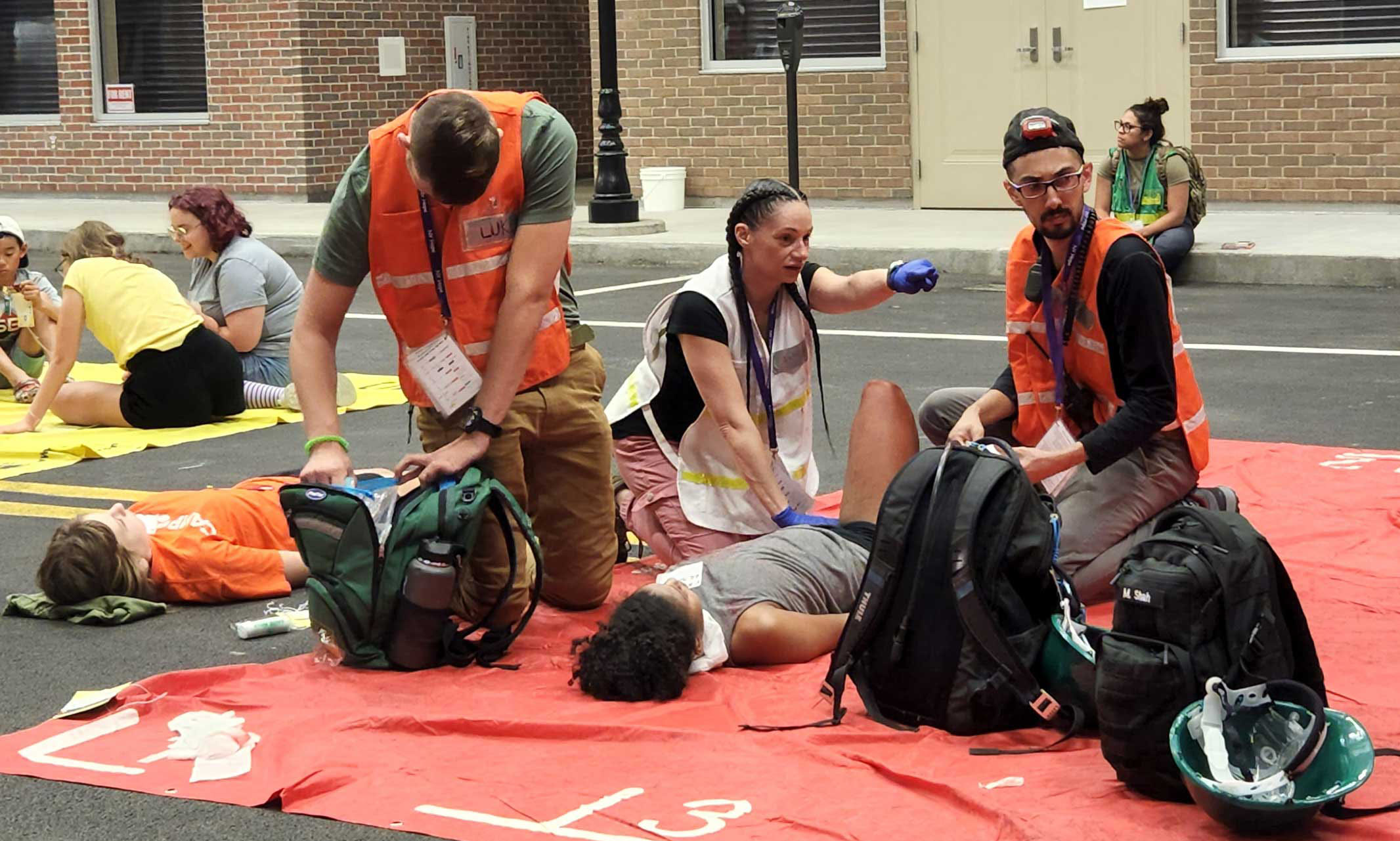
New York Hope challenged participants with earthquake aftermath simulation
Nursing student Faheem Rehman can add white water rescue to the skills he’s developed during his time at UMKC. Rehman was part of a group from the UMKC School of Nursing and Health Studies that participated in New York Hope, a national domestic disaster response exercise where participants hone their skills as emergency responders.
Held over four days at the Department of Homeland Security Training Facility in Oriskany, New York, the training partners college students in nursing, emergency management and homeland security with first responders for a simulated disaster similar to an earthquake. That included experience with swift water rescue, search and rescue in a demolished building and a mass casualty event in a shopping center.
Only three nursing schools were represented and of those just ten nursing students attended. In her role as assistant professor in the UMKC School of Nursing and Health Studies, Sharon White-Lewis has long been a champion of the Hope Exercises, which also include Missouri and Florida, where she has taken dozens of college students through the years.
In his second year as a nursing student, Rehman was excited for the opportunity to test his skills in such a unique environment.
“I’ve been in inpatient units where it’s a more controlled environment where you have a certain level of understanding of what’s going to occur,” Rehman said. “With the nature of a disaster or crisis, you don’t have that luxury.”
When he first arrived at the event, everything seemed foreign. There were four days without access to his phone or even a shower, sleeping on a cot next to people he’d never met. Once he settled in, Rehman was surprised how quickly he adjusted to this new normal.
"It really was incredible how quickly your mind adjusts to a setting like that,” Rehman said. “By the second day, it really did feel like my new home.”
That also meant teaming up with a group of complete strangers for the exercise. But Rehman said he and his teammates quickly developed an understanding of each other’s strengths and weaknesses and delegated accordingly.
“It felt like trauma bonding,” Rehman said. “By the end of our time together, I felt an inseparable bond with my team members. Even now we’re keeping in touch, texting each other.”
Rehman said the mass casualty exercise offered the most significant stress test on the nursing skills that he’s developed at UMKC. One of the more elaborate scenarios, which involves dozens of actors role-playing a wide range of injuries across a mock shopping mall.
“We set up a triage system where we prioritized people by walking wounded, delay care, immediate care and deceased,” Rehman said. “Doing all that quickly and efficiently really helped me hone my assessment skills.”
Triage wasn’t new for Rehman. White-Lewis took the students through a four-hour class before they departed for New York. In the training she covered the triage techniques unique to disaster response as well as other in-the-field medical treatments like spine mobilization and splints.
Rehman said he enjoyed the swift water rescue exercise most as it looked both “scary and fun.” The scenario put the participants in a pool with a fast-flowing current at a speed Rehman said he’d never experience before. According to White-Lewis, participants train in a level one current but the rapids can be pushed to a level four.
With his fellow participants, Rehman worked on both rescuing and being rescued. The local fire department taught them techniques for throwing ropes to someone in the current and skills to stay afloat while navigating a fast-moving current. White-Lewis said it’s a critical experience for the Kansas City area. “We’ve had a number of floods and emergency responders have had to rescue lots and lots of people.”
According to Rehman, the event left an indelible impression that has expanded his outlook on what nurses are capable of.
“It showed me that nursing isn’t limited to the walls of a hospital or a doctor’s office,” he said. “The preparation we were doing – readying ourselves for future disasters – this is for the greater good of society.”
White-Lewis will continue to provide students with this life altering opportunity when Missouri Hope will be held in the fall in Joplin, Missouri. She plans to bring 35 students with her. That scenario mirrors the aftermath of a tornado and she says it’s important experience for UMKC students. According to White-Lewis, after the devastating Joplin tornado in 2011, 135 nurses were deployed to the area to provide care.
“Students tell me these events change their lives,” she said. “They actually have to rely on themselves and they’re proud of themselves for utilizing their nursing skills. In nursing school it’s a lot of input, input, input, with all the studying. With this experience they get to output all of their knowledge.”
Sep 13, 2022

Leader will set priorities for establishing the new school
The dean of the School of Education, Social Work and Psychological Sciences will play a key leadership role in establishing the newly realigned school, with a focus on high-quality educational experience, impactful scholarship, a commitment to collaboration on university goals for student success, research growth, advancement of diversity and inclusion and active community engagement.
SESWPS combines education, psychological sciences and social work programs into a newly reimagined academic unit that will create new education and research synergies for students and faculty.
“The dean will set the tone, pace and priorities for the new school’s success,” said Jenny Lungren, provost and executive vice chancellor. “In addition, ideal candidates will have high impact engagement with community partners — with regional and state leaders in K-12 education, with social service and health care partners and with donors and civic leaders, among others.”
The person selected for this position will work closely with the provost, other senior leaders, faculty, staff and students to chart a bold and successful future for the School of Education, Social Work and Psychological Sciences.
The full roster of the search committee is listed below. Others will have the opportunity to provide input during the campus interview portion of the search process. The committee aims to conclude the search in early spring 2023, for a summer 2023 start date.
Full search committee
Michele D. Smith, vice provost for student affairs, dean of students and associate professor
Jennifer Waddell, Sprint Foundation Endowed Professor in Urban Education, associate professor, Division Co-Chair and Director
Louis Odom, professor, Teacher Education and Curriculum Studies
Tiffani Riggers Piehl, assistant professor, Educational Leadership, Policy and Foundations
Donna Davis, professor, Educational Leadership, Policy and Foundations
Ile Haggins, director of field education, advisor, field and practicum advisor, Social Work
Steven Onken, associate professor, chair of Social Work
Jake Marszalek, professor, Psychology; interim associate dean, SESWPS
Erin Hambrick, associate professor, Psychology
Shewit Abai, student
Michael Pragman, director, Kansas City Regional Professional Development Center
Irene Caudillo, president and CEO, El Centro
Brandon Martin, vice chancellor and athletics director, executive in residence in SESWPS
Sep 09, 2022
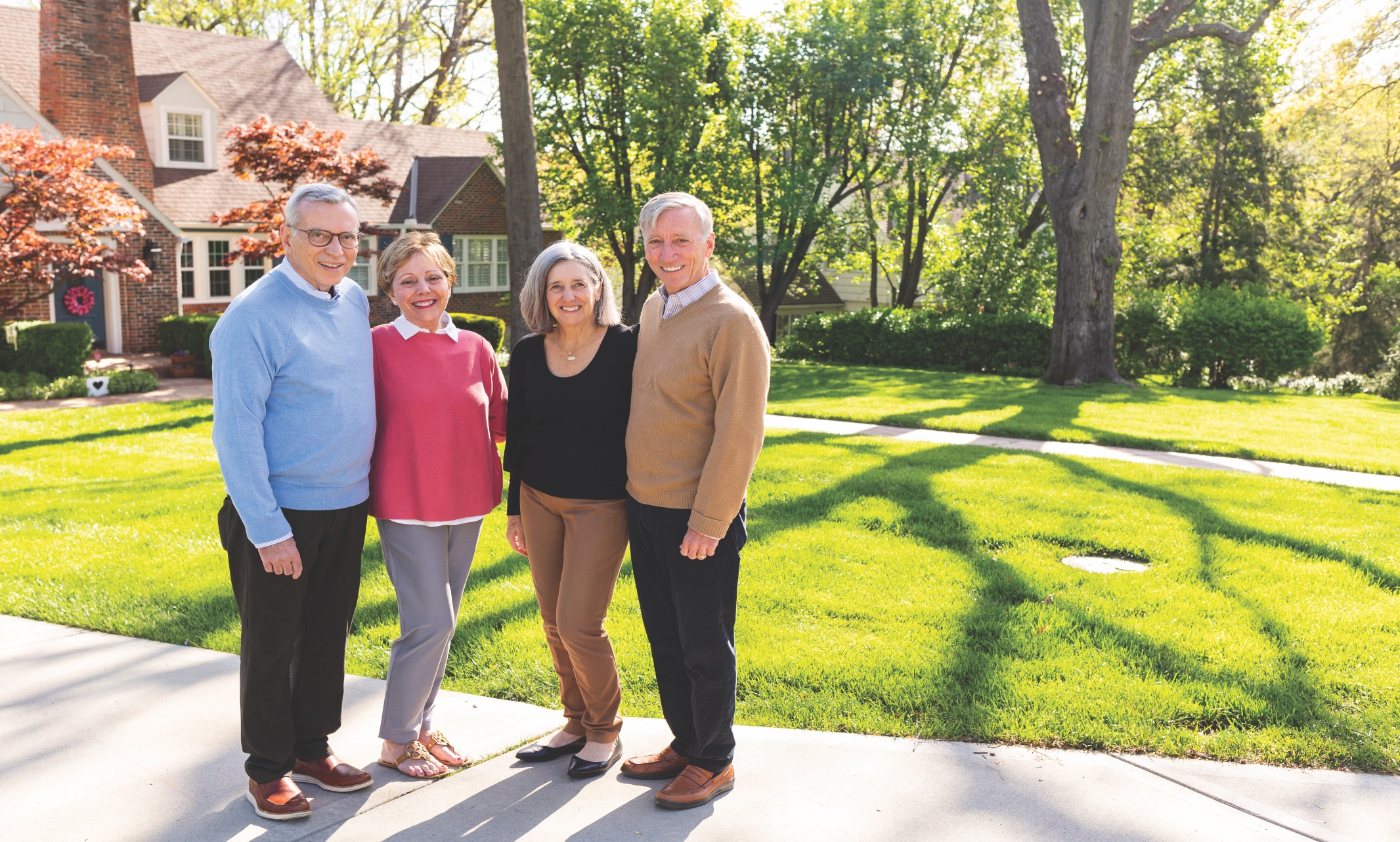
Alumni share their experience as couples in the School of Medicine
The bonds built within the UMKC School of Medicine community are strong and long-lasting. Friendships are forged, but often families, too, take shape. Spanning 40-plus years, these alumni couples are a testament to that connection. Some are just beginning their lives together, and some have celebrated several milestone anniversaries.
Teammates and soulmates
Blake and Katy (Nichols) Montgomery’s relationship, and their medical careers, have taken them all over the country. But first, it was basketball that brought the 2015 and 2016 M.D. graduates together. They met their first year of medical school while playing on a three-on-three team, and they stayed teammates throughout their time at UMKC. “The best part of finding your spouse in med school is you have a nonstop cheerleader,” Katy said. “You’re rooting for each other every step of the way, and it’s a shared gratification when the other succeeds.”
Although they started at UMKC at the same time, Blake was accepted to the Medical Research Scholars program at the National Institutes of Health in 2013. That meant Katy would end up graduating a year ahead of him.
In 2015, the same year the couple tied the knot, Katy matched in pediatrics at Children’s Mercy. Soon after, Blake matched at Stanford University in orthopedic surgery and moved to Palo Alto, California, while Katy stayed in Kansas City.
“Both of us being in medicine, I feel like we have a complete understanding of the other person’s life,” Blake said, “and that’s made our relationship that much stronger.”
Katy was able to transfer her pediatric residency to Children’s Hospital Los Angeles to finish up her final two years. Although the couple was still separated by a six-hour drive, they took advantage of their more frequent reunions.
“Having limited time together made us cherish every moment,” Katy said.
The couple is now together in Boston, where Blake began his first pediatric orthopedic fellowship and where their family grew to three. They welcomed a baby girl in January 2022.
“You’re rooting for each other every step of the way, and it’s a shared gratification when the other succeeds.” —Katy Montgomery
The couple’s next adventure will take them to Auckland, New Zealand, where Blake will start a fellowship specializing in pediatric orthopedic spine surgery. Katy plans to pursue an international certification in lactation.
The time they have spent apart has made the couple grateful for the everyday things many take for granted.
“It sounds cheesy, but once we finally moved in together, all the little things seemed so much better,” Katy said. “Like, wow, we get to go to the grocery store … together.”
“When we were apart it felt like something was always missing, like half your heart is across the country,” Blake said. “Now that we’re back together, you just feel complete.”
From high school to med school
Chizitam and Ginika Ibezim’s connection started even before they were medical students. The 2020 and 2021 M.D. graduates met in 2013 in the UMKC Summer Scholars Program (now the STAHR program) for high schoolers exploring medical careers. Chizitam was a senior from Austin, Texas, and Ginika a junior from Chicago.
The two were in an anatomy class together when Ginika tried to strike up a conversation with Chizitam. But he was all business.
“I had tunnel vision, thinking, ‘If I can do well in Summer Scholars, I can get in the program,’” Chizitam said.
It would take two years for Ginika and Chizitam to cross paths again. And Chizitam wasn’t going to miss out this time. He was helping at a student organization event when he recognized Ginika in the crowd.
“I remember coming up with a bunch of excuses for us to meet up,” said Chizitam. “I was selling my first-year text books and I offered to just give them to her.”
The two exchanged text messages nonstop that summer and soon were a power couple, frequently commandeering a table at Starbucks, studying for several hours of the day.
“We were learning the same things and going through the same experiences,” said Chizitam. “It made that aspect of med school kind of fun.”
The couple got engaged in the Summer of 2019 and tied the knot in April 2020 with a small ceremony in Chizitam’s hometown of Austin. But Ginika still had another year of medical school before the couple could finalize their future together.
“We couldn’t do the couple’s match because we weren’t in the same class,” Ginika said. “We just had to hope and pray that we matched together.”
Ginika’s residency search took her nearly everywhere in Texas: 26 interviews in total. She narrowed her list to three family medicine residencies, and ended up matching in Austin at the same hospital as Chizitam.
“I was selling my first-year text books and I offered to just give them to her.” —Chizitam Ibezim
The couple’s conversations used to focus on work, especially since they were in the same hospital and program, but that’s changed with the addition of their now 4-month-old daughter.
“We’ve transitioned to talking about our aspirations outside of medicine, and that’s been really refreshing,” said Chizitam. “We’re talking about where we want to travel and things we want to see.”
‘Really good waltz partners’
School of Medicine founder E. Grey Dimond, M.D., left quite an impression on Stan and Kathleen Shaffer, 1979 M.D. graduates, when he spoke to their medical school class in the summer of 1973.
“He gave us a stern talk where he told us we wouldn’t have time for dating,” Stan said. “Unless we look around the room and find someone as serious as us about being a physician.”
Stan and Kathleen knew each other in passing, until their second year in the program, when they were in a social dance class together. Although they rotated dance partners, Stan and Kathleen figured out early on where they clicked.
“It turned out we were really good waltz partners,” Stan said. “And we have said: It’s really wonderful to marry your waltz partner.”
Any medical student knows the residency match is a huge step in becoming a doctor. But it was even bigger for the Shaffers. On top of navigating the next stage of their careers, they were also considering the next stage of their relationship: marriage. To match as a pair, they had to be married. Dating or engaged wouldn’t cut it. So, in February 1979, the Shaffers wed, and a few months later they matched together at Children’s Mercy Hospital in Kansas City.
“Going into medical school, I didn’t have dreams of weddings or anything,” Kathleen said. “At that time, women in medicine weren’t thought to have time to get married. So, I thought becoming a doctor and getting married was a double win for me.”
Kathleen has stayed in pediatric medicine for 36 years in Kansas City. Stan moved into neonatal medicine, where he established the intensive care nursery at Saint Luke’s Hospital. In 2014, he transitioned his focus to global health.
His interest in global health and Kathleen’s expertise in pediatrics have taken center stage in their work providing health care in Haiti for more than 35 years. Their two children even joined them on mission trips, a tradition that has continued into their adulthood.
"It’s really wonderful to marry your waltz partner.” —Stan Shaffer
According to Stan, the trips to Haiti also consumed a great deal of their discussions. Those talks – as well as the trips themselves – instilled in their children the incredible scope of what health care can provide to those in need.
“We weren’t talking about insurance plans or paperwork,” said Kathleen. “It was about larger medical issues and the philosophy of medicine.”
The groundwork they laid helped inspire both children to follow in their parents’ footsteps. Their daughter, Brynn, graduated from the University of Kansas School of Medicine in 2010, and their son, Christopher, graduated from the UMKC School of Medicine in 2006.
The family the Shaffers built together may certainly last a lifetime, but the friendships they’ve built have lasted almost as long. A couple they became close friends with at UMKC — current School of Medicine Dean Mary Anne Jackson (M.D. ’78) and her husband, Jay Jackson (M.D. ’78) – were the Shaffers’ neighbors for more than three decades.
Working and learning together
According to Jay, he and Mary Anne had finally given up on their house hunt when the Shaffers told them the house next door in their Kansas City suburb was going on the market.
“They found our house for us,” said Jay. “We’ve been there probably 34 years, so we’re obviously thrilled to have been their neighbors.”
Just as the Shaffers received relationship advice from Dimond that first summer, Jay said he and Mary Anne heard the same message. In 1978, during their fifth year of medical school, the Jacksons got married so they could also match together.
The Jacksons coupled up early on in their time at UMKC. Jay recalled many days and nights studying together. He was the expert on humanities, and Mary Anne, ever the educator, helped him with some of his sciences.
“I struggled with chemistry in particular,” said Jay, “but she made it light up for me.”
All those study sessions paid off. Mary Anne has a successful career in infectious diseases and medical education and Jay is a recently-retired cardiologist.
The hours Mary Anne and Jay put into their careers have been long, but the choice to become doctors was an easy decision for both of them.
“Medicine is what we were called to do,” Jay said.
With the 50th anniversary celebrations continuing, many alumni are reminiscing about their time at UMKC and all it has given them, including the Jacksons.
“I look back on our time at UMKC, and as hard as we worked, they were really fun times,” Jay said. “Mary Anne asked me what my best memory was from that time. I told her, ‘Well that’s easy. The best thing that happened to me in med school was meeting you.’”
Sep 08, 2022
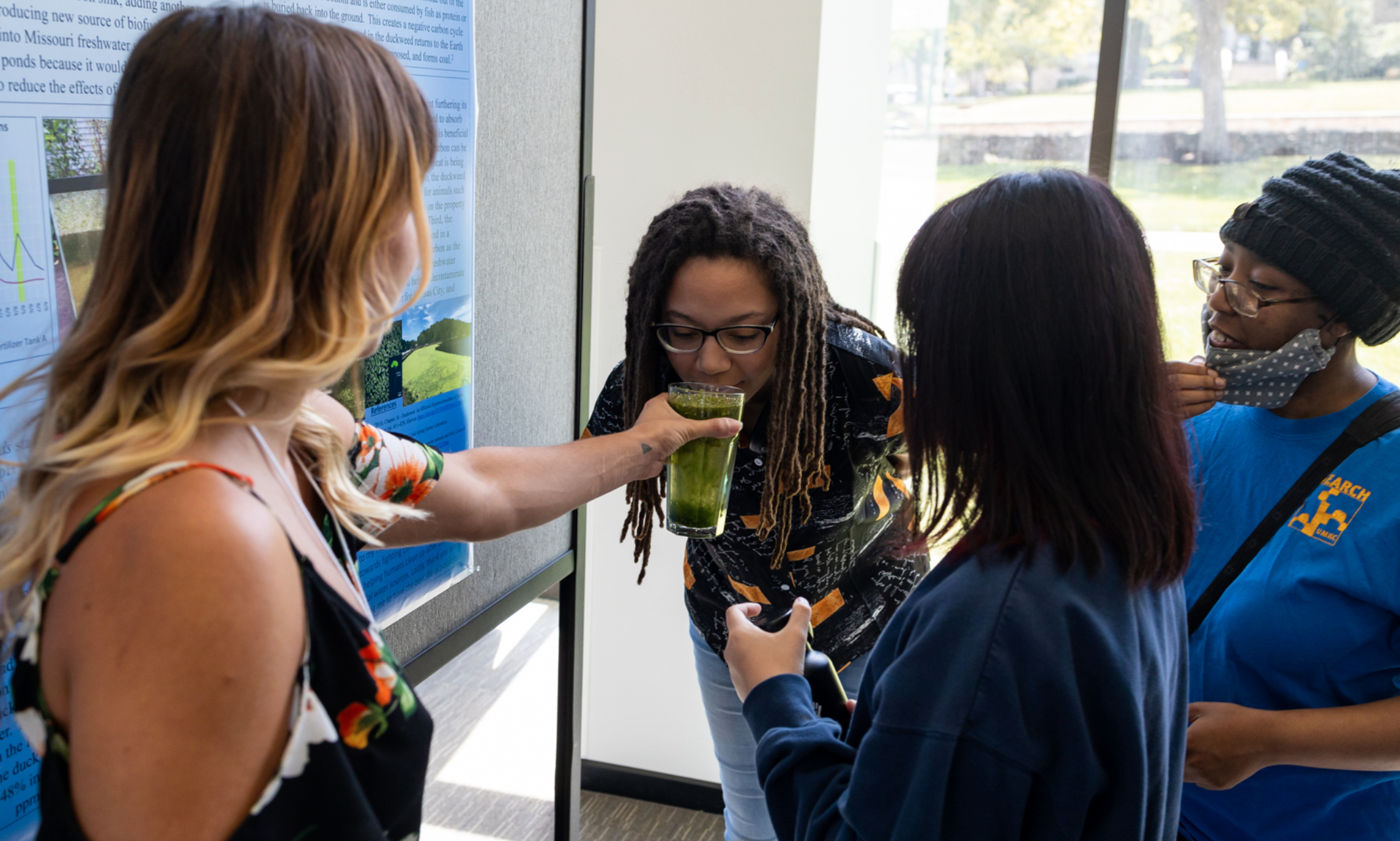
Undergraduate research symposium demonstrates students making the most of opportunities to excel
Amanda Pierce had already launched her professional career at EcoSafe Environmental Services in the Crossroads District after finishing her degree requirements at the end of July. So, what was she doing back on campus in August, standing in front of a poster in Miller Nichols Library and Learning Center?
Living her passion.
The poster described her research into duckweed, an innocuous-looking but environmentally powerful plant. She earned her final credits for her degree in earth and environmental science researching the ability of duckweed to do double duty sequestering carbon dioxide while removing contaminants in waterways. She had the credits, the degree and the professional career, but she came back to present and discuss her findings at the annual UMKC SUROP Poster Symposium.
“I’m very passionate about my research,” she explained. “At first, I wasn’t really even doing (the research) for school. I put my time and energy into it, and I was proud of it, and I wanted to share this cool information with people.”
That’s the secret of SUROP (Summer Undergraduate Research Opportunity), one of several UMKC programs that encourage undergrads to dive deep into their studies by funding research expenses for approved projects. The programs create a bridge linking passion to tangible performance.
SUROP grants provide students with a $2,000 tuition grant and up to $1,250 in reimbursable research expenses for projects undertaken during the summer. The SUROP Poster Symposium celebrates the work that undergraduate researchers, scholars and artists and their faculty mentors have accomplished during the summer months.
Information about undergraduate research opportunities, funding and application deadlines is available at the Undergraduate Research and Creative Scholarship page.
Pierce was one of 19 students who received funding for summer research projects this year, on topics ranging from the urban heat island effect in Kansas City, to health policies related to child obesity, to using 3-D printing to create structures that mimic living tissue.
Another was Laura Munoz-Baroja, who also competes as a scholarship athlete on the UMKC women’s tennis team. She tested techniques for improving the efficiency and performance of solar energy panels.
Current panels convert only about 20 percent of the solar radiation they receive into electricity, and the rest gets converted into heat, which limits the performance of the panel. Munoz-Baroja investigated coatings that can convert more of the light entering the panel into wavelengths that produce electricity instead of heat. By using external coatings, the enhancement can be applied to existing panels without expensive and time-consuming internal design changes. She tested coating materials that are durable enough to last as long as the panels, even under exposed outdoor conditions.
Sam Sisk also focused his research on keeping things cool, but his medium was semiconductor computer chips. At temperatures above 80 degrees C., the speed and accuracy of chips declines significantly, so cooling has always been a key element of the design of computerized equipment. Cooling systems integrated into chips is the modern solution, but those systems create less than ideal interaction between the chip and the coolant. Sam’s solution: go small. He designed a miniaturized system for injecting liquid coolant directly onto the surface of individual chips, generating more direct contact with the coolant while requiring minimal energy to pump the liquid.
2022 SUROP Presenters
Shuyuan Tian, Chemistry
Chirality-Driven Self-Assembly: In Situ Preparation of Structurally Distinct Janus
Dendrimers
Faculty Mentor: Shin Moteki
Kate Larberg, Earth and Environmental Science
Making the Kansas City Urban Heat Island Effect Approachable
Faculty Mentor: Fengpeng Sun
Kaitie Butler, Mechanical Engineering, Honors Program
Fabrication of Color-Changing Materials Using Liquid-in-Liquid 3D Printing Methods
Faculty Mentor: Zahra Niroobakhsh
Laura Munoz-Baroja, Energy, Matter and Systems
Performance Enhancement of PV/T Systems Integrated with Nanofluids
Faculty Mentor: Sarvenaz Sobhansarbandi
Christian Dang, Biology, Honors Program
A Self-Directed Mutagenesis Approach for Examining the Drosophila Tribbles
Recognition Degron in the C/EBP Transcription Factor Slbo
Faculty Mentor: Leonard Dobens
Jay Vanderslice, Physics
Creating Continuous and Universal Paths for Crystal Structures
Faculty Mentor: Paul Rulis
Charlotte Rooney, Earth and Environmental Science
Assessment of Urban Prairie and Phytoremediation Plants as a Means to Regenerate
Urban Soil
Faculty Mentor: Caroline Davies
Amanda Pierce, Earth and Environmental Science
Decontamination and Carbon Sequestration of Missouri Freshwater by Duckweed
Faculty Mentor: Alison Graettinger
MaAh Kyi, English/History
The Missouri Bicentennial Project: Recent Immigration
Faculty Mentor: Diane Mutti Burke
Judy Vun, Nursing
A Secondary Data Analysis of the Child Obesity and Health Messaging Preferences
among Missouri Policymakers (CHAMP) Study
Faculty Mentor: Anita Skarbe
Sam Sisk, Mechanical Engineering
In-Chip Cooling Technology within Semiconductor Switches
Faculty Mentor: Sarvenaz Sobhansarbandi
Saivagmita Kantheti, Six-Year BA/MD
A Text Mining Approach to Determine Correlations between the Spanish Flu and
COVID-19
Faculty Mentor: Billie Anderson, Ph.D.
Britton Needham, Biology/Chemistry
Probing Biological Redox Chemistry with Microelectrodes
Faculty Mentor: Mohammad Rafiee
Drew Nelson, Mechanical Engineering
Small Rifle Primer Characterization
Faculty Mentor: Travis Fields
India Fernandez, Biology
Creation and Repair of Educational Anatomy Models
Mentor: Rachael Allen
Michael Englert, Mechanical Engineering
Development of a Highly Thermal Conductive Nanofluid for the Application in Solar
Thermal Technologies
Faculty Mentor: Sarvenaz Sobhansarbandi
Hannah Briggs, Biology
Chirality-Driven Self-Assembly: Application toward Renewable/Exchangeable
Resin-Immobilized Catalysts
Faculty Mentor: Shin Moteki
Luke Romang, Earth and Environmental Science
Depositional Setting, Provenance, and Tectonic Implications of the Carmen Formation
on San Marcos Island, Baja California Sur, México
Faculty Mentor: Tina Niemi
Austin Cass, Mechanical Engineering, Honors Program
Creating Soft, Gel-Like Tubes for Biomimicking Tubular Tissues Using Liquid-in-Liquid
3D Printing
Faculty Mentor: Zahra Niroobakhsh
Sep 08, 2022
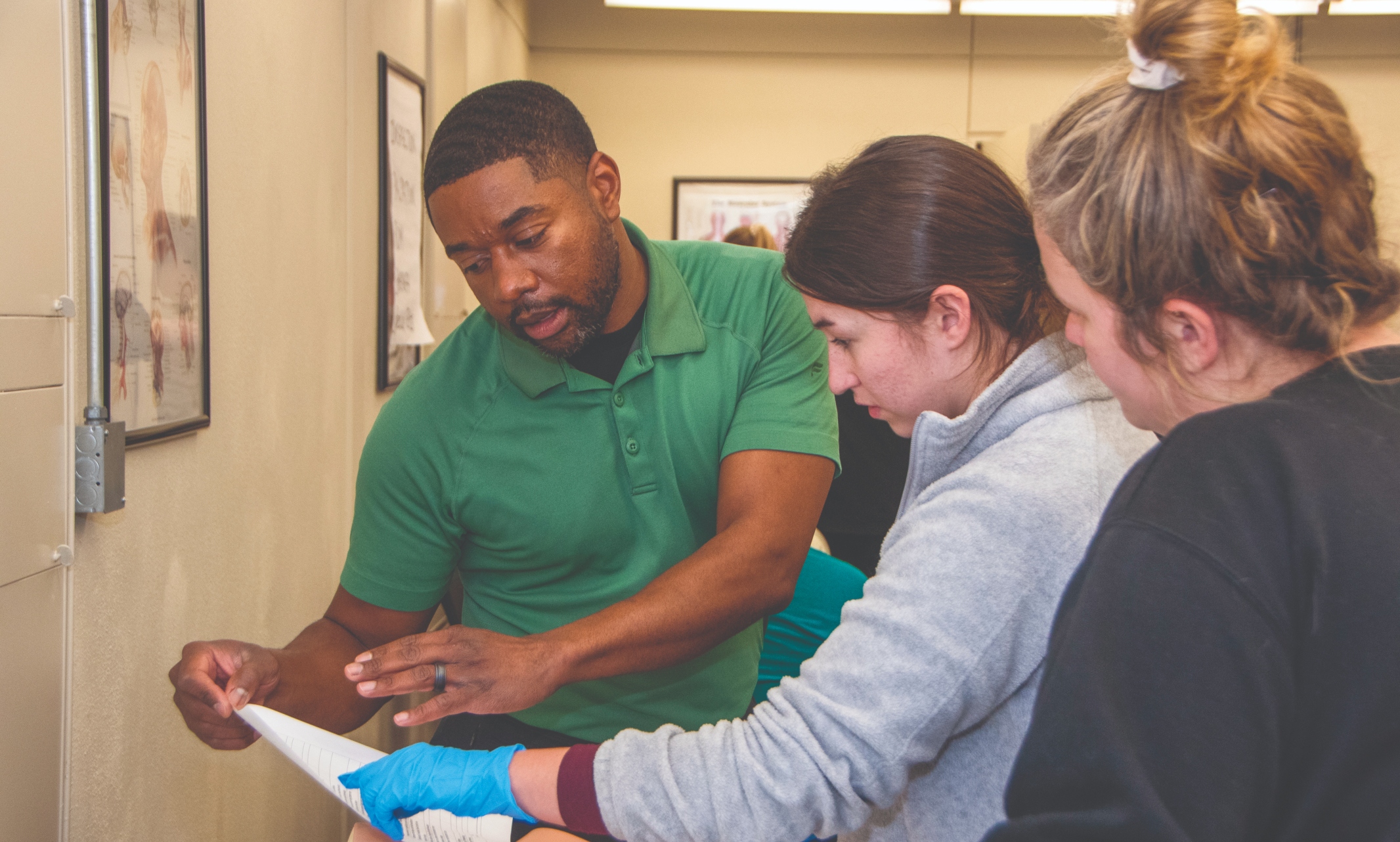
Major David Walker joins the School of Medicine faculty, bringing his Army experience to UMKC's Physician Assistant program.
Major David Walker has been added as a new faculty member to the Physician Assistant (PA) program at the UMKC School of Medicine. Walker’s path to UMKC was a bit unique.
Initially, Walker came to the department for an internship through the Army Career Skills Program, which sponsored his time at UMKC. The Army initiative helps veterans transition to civilian careers. During the internship, Walker worked closely with the PA faculty on day-to-day delivery of the curriculum, while he was involved in all aspects in the classroom, including skills instruction and assessment.
Julie Banderas, assistant dean, Graduate Health and Professions, said it’s the first time the Physician Assistant program has worked with the Army Skills Program. “We saw this as an excellent opportunity with mutual benefits,” she said.
Walker said he experienced many teaching opportunities in the military. “As you move up the ranks in the military, you’re always looking behind you to train your subordinates and bring them up as well,” he said. “Those opportunities gave me a great deal of experience with the student-teacher and mentor-mentee dynamic.” According to Walker, there was much to like about UMKC and its PA program. “I was drawn to the mission at UMKC– how involved they are with the community,” he said. “The program’s emphasis on diversity, equity and inclusion was important as well, and their focus on recruiting students with diverse backgrounds.”
Walker enlisted straight out of high school, two weeks after graduation, to be exact. “With my birthday in July,” he said, “I wasn’t even 18 yet at the start of basic training.”
He originally served as a military intelligence technician. According to Walker, the job sounds like a big deal, but he adds, “I was basically an IT guy.” An “IT guy” with top security clearance, nonetheless. He worked the first couple of years for the National Security Agency, deployed in Iraq. That’s where he met his wife, and after their son was born, he began looking at his future after the military.
He landed on the physician assistant program through the military, an inter-service PA program accredited through the University of Nebraska. Through the program, he not only received his bachelor’s degree, but a master’s degree and then a commissioning to officer as a first lieutenant.
“I wasn’t even 18 yet at the start of basic training.” — David Walker
Walker was drawn to the problem-solving aspect of a career as a physician assistant. “I like putting puzzles together,” he said. “My patient is telling me their symptoms; I’m performing the physical exam. I’m finding the pieces to put together to figure out a diagnosis and develop a treatment plan with them.”
According to Eric Johnson, program director for the PA program, Walker is a great addition to the team.“Major Walker’s military experience, while significant, is not the only contribution he brings to the PA program,” Johnson said. “He brings racial and gender diversity to the program faculty, as well as a role model to all our students, but especially to those whose background and experience may be similar. Often overlooked is David’s correctional medicine experience, which presents unique complexities that few clinicians encounter.”
The UMKC Master of Medical Science Physician Assistant Program is a seven-semester program based in the UMKC School of Medicine and has been accredited since 2014, with more than 100 alumni PAs. Walker joins a faculty team of three other full-time PA faculty members and nearly 60 current students.
Sep 08, 2022
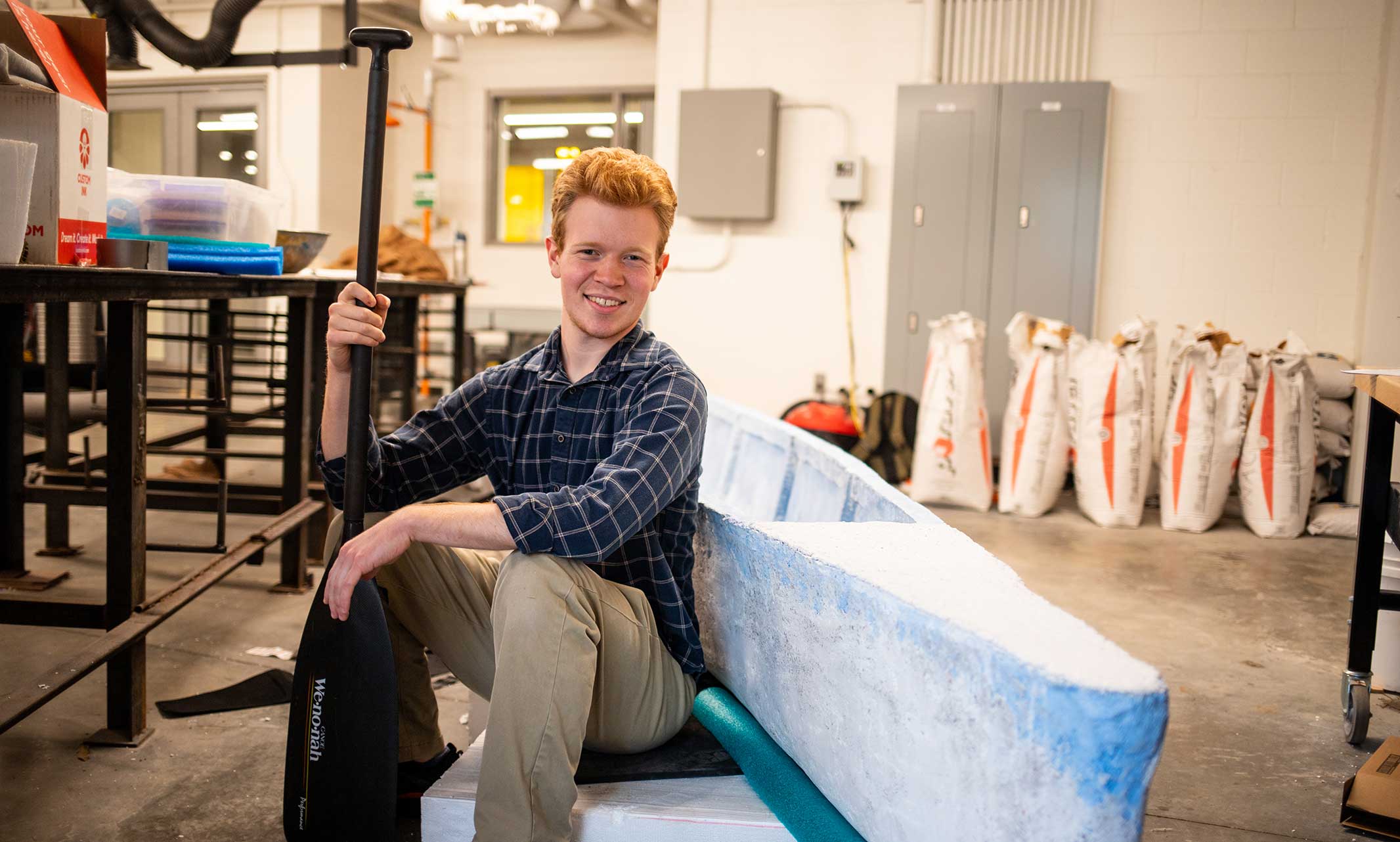
Concrete Canoe competitor finds value in work-life balance
Roos don’t just dream, they do. Our students turn ideas into action every day. Get to know our people, and you’ll know what UMKC is all about.
Sean PurdueAnticipated Graduation Year: December 2023UMKC degree program: Civil Engineering, minor in historyHometown: Liberty, Missouri
Looking to study civil engineering close to home, Sean Purdue chose UMKC for a balance of academic and student life opportunities. He’s a student ambassador of the Honors Program, the president of the UMKC chapter of the American Society of Civil Engineers and competes on the school’s Concrete Canoe team.
Why did you choose your field of study?
I chose civil engineering because it is a very broad field, and it gives me a lot of options for when I decide what I want to do as a career. My grandfather was a civil engineer, so that also inspired me. The history minor is just because I love history.
How has your college program inspired you?
I’ve definitely been inspired by learning about how much the world revolves around civil engineering. Water, transportation, buildings, we play a part in everything. It’s also amazing how much good engineering can improve the world.
Who do you admire most at UMKC and why?
My friend Brett Keegan, who is also a civil engineering student. He commutes to campus from St. Joseph (about an hour one way) and has a young child, but he still finds time to help out with Concrete Canoe and to just be a great friend. I probably could not do what he does, and I find it very admirable.
Since entering college, what have you learned about yourself?
I’ve learned that I want a life that is centered on family and activities that interest me outside of work. Still trying to figure out how to balance everything. I’ve also learned a ton about my leadership style and how I react to stress.
What do you hope to take from your experiences at UMKC into your professional career?
Knowledge on how to manage teams and people. Also that information about my own nature (see the previous question) will be pretty important to not burn out. I also want to always remember those that helped me throughout my college career and try my best to be similarly helpful wherever I go.
What are you most proud of during your time at UMKC?
Making a concrete canoe is certainly up there. It’s not the prettiest or the lightest or the strongest, but it is a canoe and it is made of concrete. I am also happy that I know a lot of the people in my classes. I think it’s very easy to just go to class and leave without making connections, but I’m proud of the connections I’ve made.
Sep 08, 2022
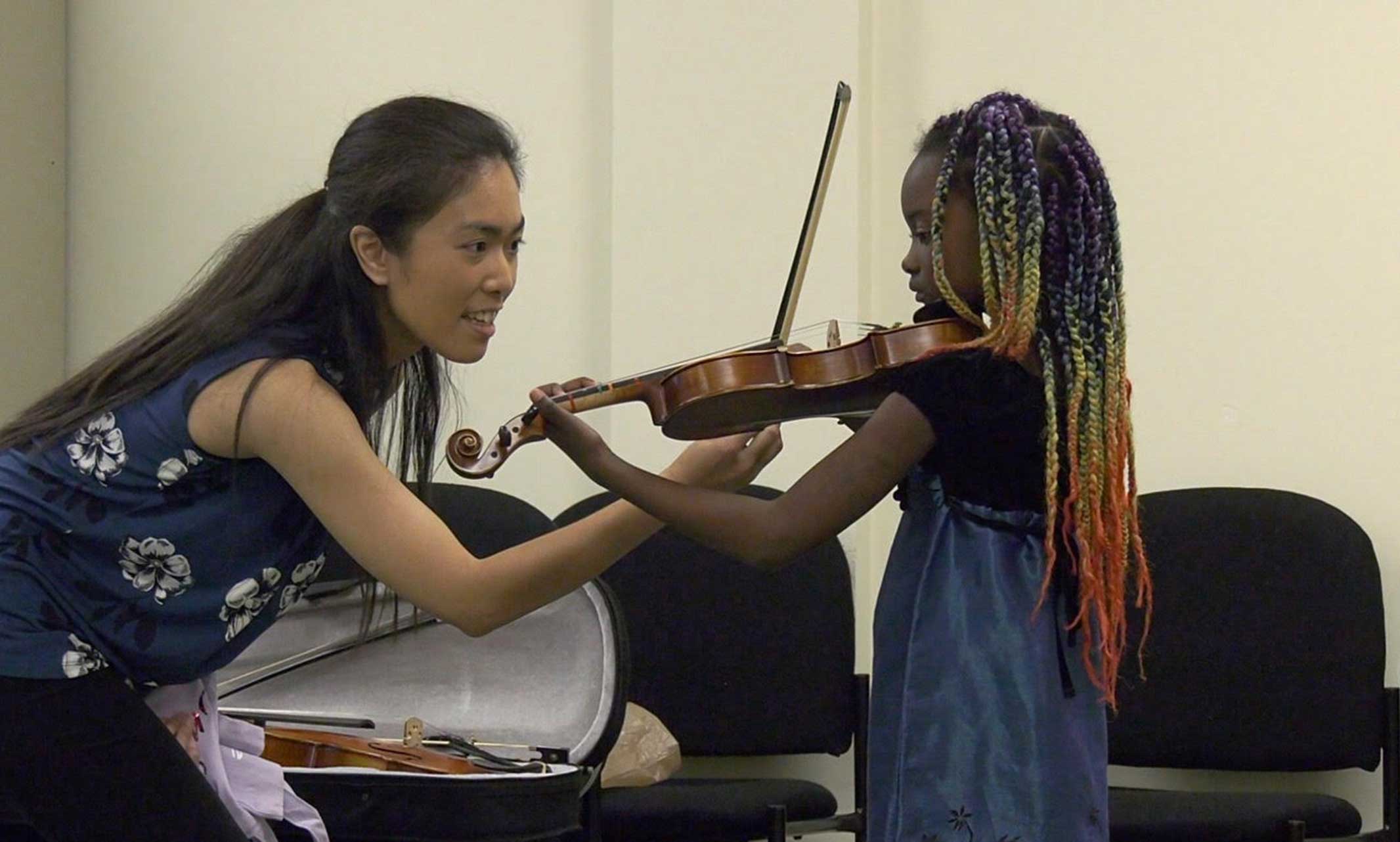
Doctoral student En-Ting Hsu is helping Kansas City children embrace her art
Roos don’t just dream, they do. Our students turn ideas into action every day. Get to know our people, and you’ll know what UMKC is all about.
En-Ting HsuAnticipated graduation year: May 2023UMKC degree program: DMA in viola performanceHometown: Tainan City, Taiwan
En-Ting Hsu discovered at a young age the power of exposure to music and the way it can change a life.
It happened for her as a child in Taiwan. Now she is making it happen for children in Kansas City.
Her parents, both music lovers, took her to sit in the audience for a Master Class being conducted there by Scott Lee, now associate professor of viola at the UMKC Conservatory.
The 12-year-old En-Ting was awestruck – and launched onto a musical career that led her to pursue an undergraduate music degree at National Taiwan Normal University, then a Master of Music from Indiana University Bloomington.
When it came time to choose a doctoral program, “I Googled to see where (Lee) teaches.”
Once she enrolled at UMKC, Lee introduced her to his brother, Jackie Lee, a UMKC alumnus and artistic director of Heartland Chamber Music. She participated in the organization’s summer music festivals. Five years ago, when Heartland launched its String Sprouts program, a free music education program designed for underserved children ages 3 - 8, Hsu was hired as the lead violin teacher.
Bev Chapman, a former local television news reporter, has spent the past five years tracking the progress of the youngsters under Hsu’s tutelage for a recently completed documentary film.
Sep 07, 2022
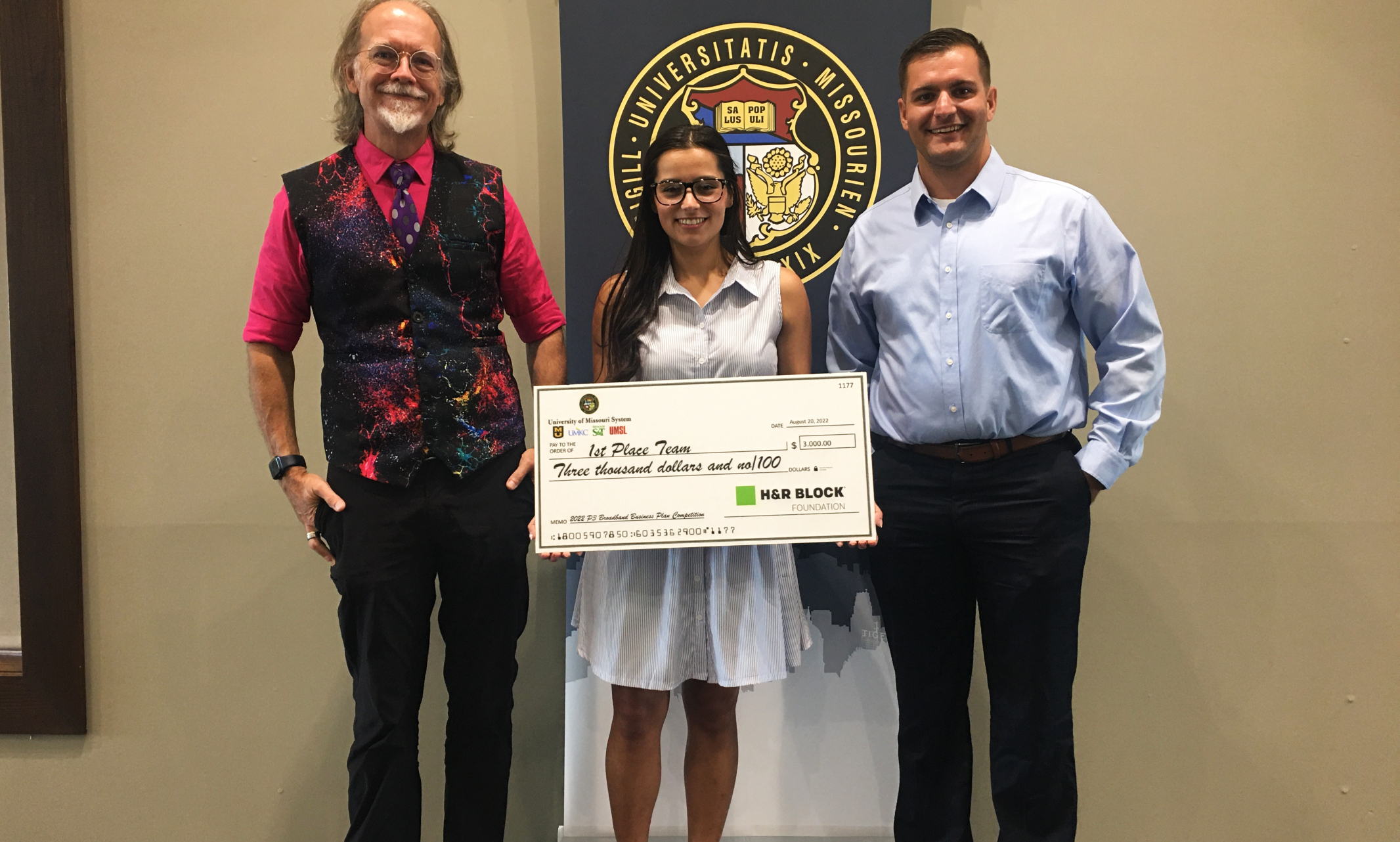
UMKC students win System-wide competition to design a possible public-private partnership internet utility
A team of University of Missouri-Kansas City students took first place in a UM System competition to design a public-private partnership plan to extend broadband internet service to a five-county region in northwestern Missouri.
The competition was open to students at all four UM System universities. The competing teams combined undergraduate and graduate students from an array of majors and disciplines, including Law, Computer Science, Business and Engineering. The students used surveys, research, data and information from local stakeholders to develop proposals to use private-public partnership business models to create affordable, feasible and economically sustainable plans to bring broadband service to Atchison, Gentry, Holt, Nodaway and Worth counties in Missouri.
The team of Daniel Foose, UMKC Law; Sofia Hadley, UMKC Law; and John Welch, UMKC School of Science and Engineering won the top prize of $3,000 for a plan that suggested consideration of a fiber optic system built on top of existing power utility infrastructure, along with other components regarding broadband infrastructure, access and adoption and potential sources of funding.
Foose, who earned his undergraduate degree from Northwest Missouri State University, was intrigued by the idea of bringing broadband coverage to the underserved northwest counties.
“I sort of saw it as a way to give a little bit back to a community that had done so much to help shape me into who I am today,” he said.
The H&R Block Foundation donated a total of $5,000 in prize money for the competition.
The second-place team included:
Ankit Agarwal, Missouri University of Science and Technology Engineering Management
Alasia Buschkopf, University of Missouri-St. Louis, Computer Science
Clifton Holly, UMKC Law
Tara Ogoti, UMKC Science and Engineering
Third place:
Chandrashekar Akkenapally, S&T Computer Science
Anna Heetmann, UMKC Law
Emilie Moyer, UMKC Bloch School of Management
Tarun Sai Naregudam, S&T Computer Science
Oluwatosin Waleola, S&T Information Science and Technology.
The presentation event in the competition took place Aug. 20 in Maryville.
The competition was initiated by Anthony Luppino, Rubey M. Hulen Professor of Law and Director of Entrepreneurship Programs at the UMKC School of Law, and a member of the UM System Broadband Initiative Steering Committee. That steering committee evolved from a 2019 proposal for a UM System-wide broadband initiative put together by Luppino; Marcus McCarty, UMKC adjunct law faculty; and Casey Canfield, an engineering professor at S&T. The proposal was adopted at the System level and refined, further developed and implemented by faculty and staff from all four System universities, KCSourceLink, MU Extension and UM System Engagement and Outreach.
The student competition was the latest addition to the UM System Broadband Initiative, which also includes the Digitally Connected Community Guide.
“It occurred to me that the concept of the Regnier Venture Creation Challenge (an entrepreneurship competition run by the Bloch School) could be applied to broadband access challenges,”Luppino said. “Instead of independent ventures, the student teams would be developing concepts for public-private partnerships.”
He called the competition a great example of “the power of multidisciplinary and inter-institutional collaborations,” with contributing organizations providing an opportunity for students to “demonstrate their knowledge, talents, and teamwork in a service-learning experience focused on a critically important subject.”
Sep 06, 2022
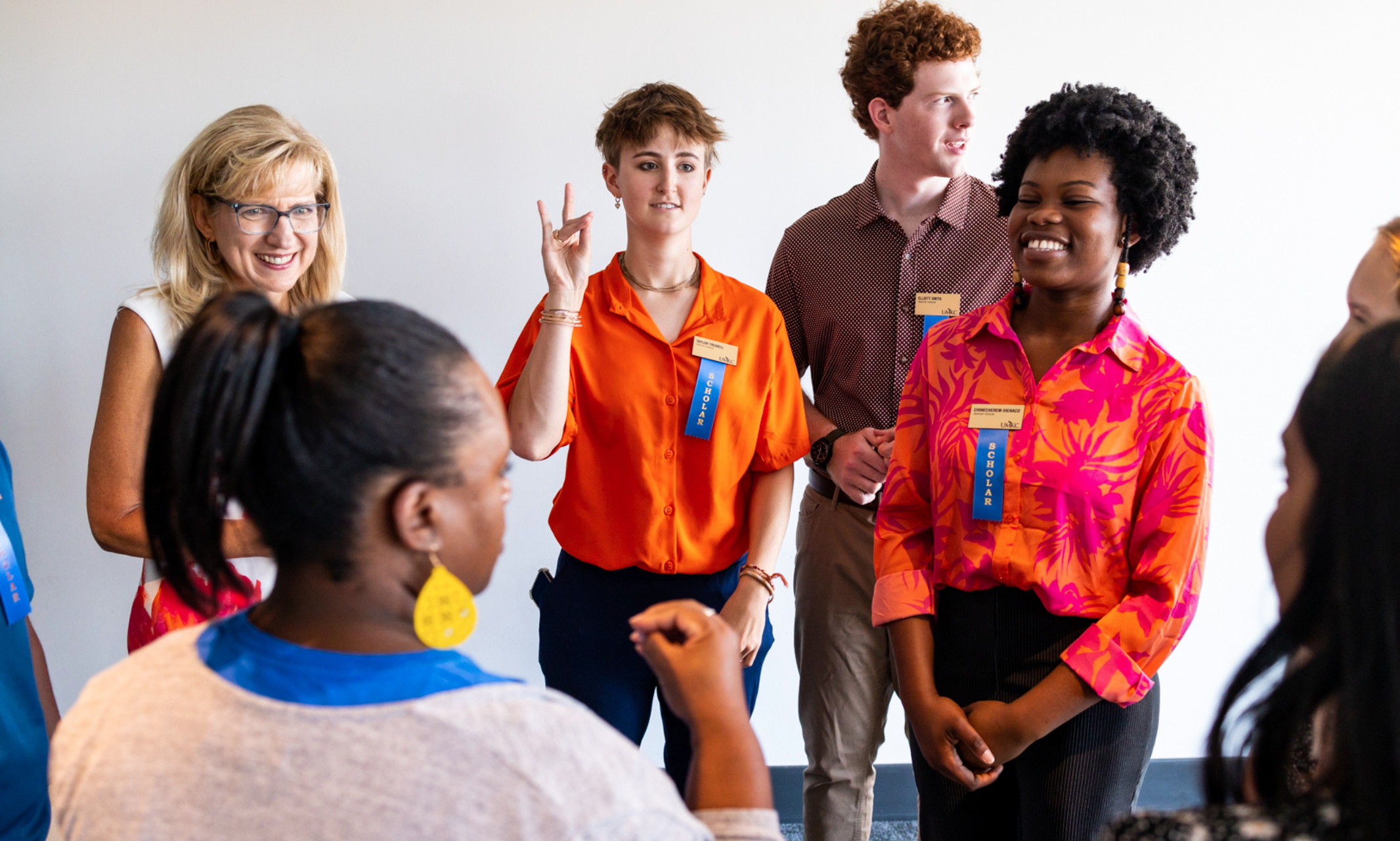
New class of Trustees’ Scholars set out to make their mark
They’re the kind of students in demand at prestigious universities across the country. High school class presidents, A+ scholars, National Honor Society members, committed volunteers. These multi-talented young people combined top high school grades with success in athletics, arts, debate, music and other extracurricular activities. They have chosen to launch their futures at UMKC.
These students are UMKC Trustees’ Scholars, who will have their four years of college fully funded by civic leaders who will also provide them with invaluable mentorship, access, networking and experiential learning opportunities.
Trustee Donna Ward, chair of the group’s scholarship committee, said this year’s cohort of seven students was selected from a pool of about 200 applicants.
“They are the best of the best,” Ward said.
Larry Smith, from St. Louis, didn’t know Kansas City very well, but came away from a visit convinced that UMKC was right for him.
“There’s not a lot of diversity where I’m from,” he said. “I thought I would enjoy being with the wide variety of people here.”
For Elliott Smith of Parkville, the university’s urban environment is a major advantage.
“There are lots of opportunities to explore the city, and the network that the university can provide.”
Taylor Trudell of Knob Noster said UMKC was her first-choice school well before learning she had won the coveted scholarship. “I think the mentorship and the opportunities to learn how to handle yourself in professional situations is really the cream of the crop from this scholarship.”
When Judy Batts of Kansas City got word about the scholarship while at Raytown High School, “I just started crying. I never thought that I could get access to all these opportunities.”
The UMKC Board of Trustees is a nonprofit organization established by civic and community leaders to support the university. Their mission is to strengthen Kansas City’s future by advocating for and supporting UMKC and its students. Since 2001, the Trustees have sponsored the Trustees’ Scholars Program, which provides high-achieving students from our region with a fully funded educational and experiential program, worth more than $60,000 over four years.
Each scholar is individually mentored during their four years by a UMKC Trustee. The program gives students access to the Trustees’ knowledge, experience and network, as well as specialized guidance from key UMKC staff. Today, more than 120 program alumni are making their marks as business and civic leaders, entrepreneurs and professionals in healthcare, entertainment and law.
Meet the 2022 incoming class of UMKC Trustees’ Scholars.
Judy Batts’ goal is to become a genetic counselor and use that skill to bridge the large existing gaps in health care access and outcomes.
Intended Major: Biology with double minors in Spanish and Chemistry
Hometown/High School: Kansas City, Missouri; Raytown High School
Trustee Mentor: Jay Kim
Mauricio Bernal intends to become an engineer focused on mentoring the next generation. “I want to give back to my community by sharing my experiences with students in the Kansas City area that have a similar background as me. I greatly benefitted from having mentors that looked like me and shared similar experiences, and I value giving that back to the next generation.”
Intended Major: Civil Engineering
Hometown/High School: Kansas City, Kansas; Wyandotte High School
Trustee Mentor: Gabe Hernandez
Chinecherem Ihenacho plans to become an addiction psychiatrist in the UMKC School of Medicine and open clinics in both the U.S. and Nigeria “where people won’t be turned away because of money.”
Intended Major: Psychology (pre-med)
Hometown/High School: Raytown, Missouri; Raytown South High School
Trustee Mentor: Dana Nelson
Vari Patel will pursue an MBA and a law degree after graduation, to prepare for a career as an international corporate lawyer – and a seat in the U.S. Senate representing Missouri. She has already become founder and first president of a new campus student organization, Future Business Leaders of America-Phi Beta Lambda.
Intended Major: Finance with a minor in International Affairs
Hometown/High School: Lee’s Summit, Missouri; Blue Springs South
Trustee Mentor: Suzanne Shank
Elliott Smith is mapping out a future in urban affairs, “working in a city hall and having a direct impact on municipal priorities or coming up with ideas to better equip communities for future endeavors.”
Intended Major: Urban Planning + Design
Hometown/High School: Parkville, Missouri; Park Hill South High School
Mentor: Bob Strom
Larry Smith intends to be a dentist with his own practice, that “provides quality care in a positive and family-oriented environment.”
Intended Major: Biology (pre-dental)
Hometown/High School: St. Louis, Missouri; Lindbergh High School
Trustee Mentor: Emmet Pierson
Taylor Trudell is studying Environmental Science to prepare for a career with the EPA or as a natural resource specialist for the U.S. Forest Service.
Intended Major: Environmental Science, minor in Studio Art
Hometown/High School: Knob Noster, Missouri; Knob Noster High School
Trustee Mentor: Patti Phillips
Aug 31, 2022
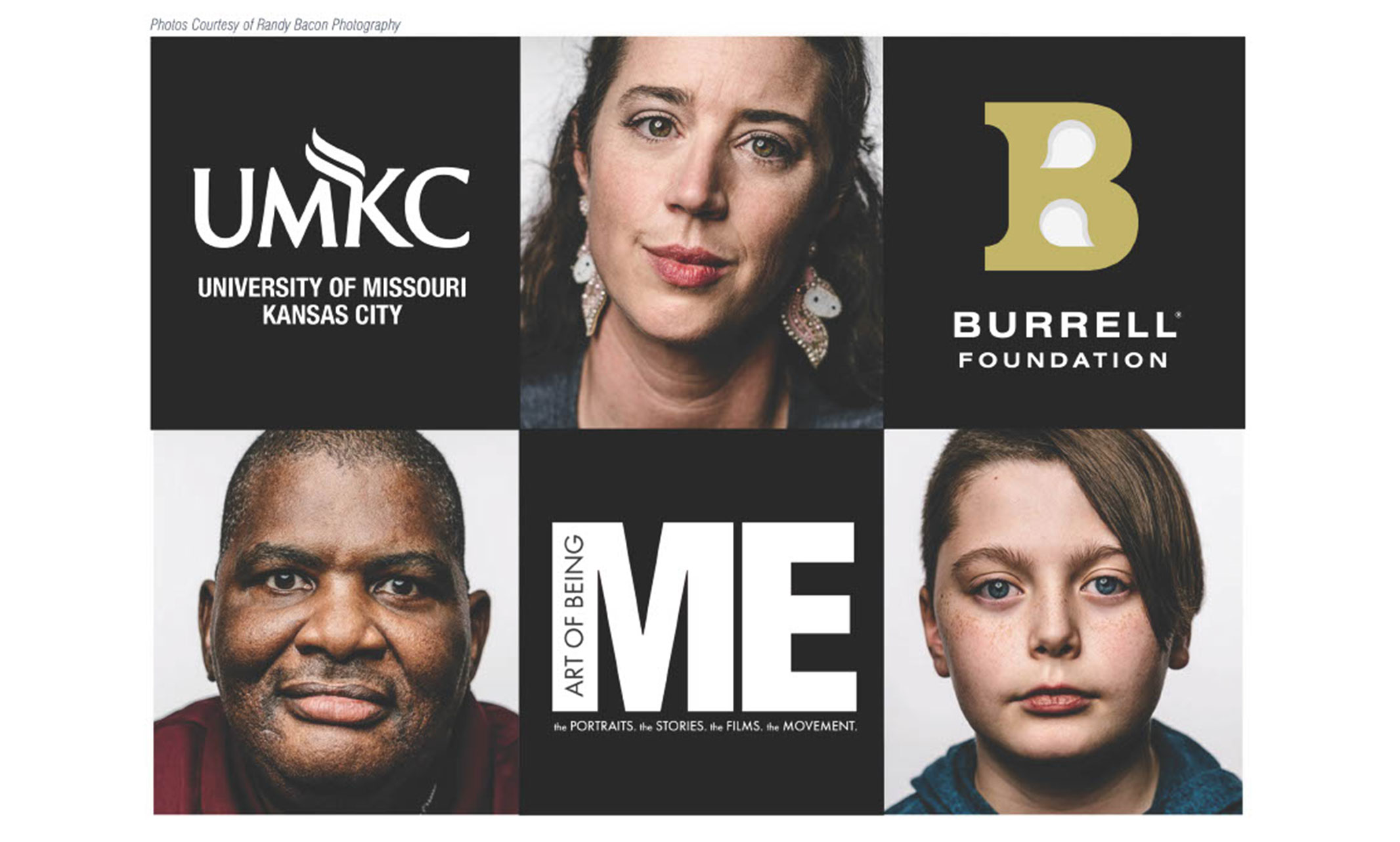
‘The Art of Being ME’ will spend seven weeks in Miller Nichols Library
A multi-media art exhibit, “created to ignite important conversations around mental health” according to the artist, will be on display at the University of Missouri-Kansas City Oct. 19 through Nov. 30.
“The Art of Being ME,” created by Springfield-based artist Randy Bacon, incorporates video, still photography and text. The collection showcases the personal stories of more than 20 individuals who have lived experiences with mental health conditions or diagnoses. It includes inspiring portrait artwork, personal written stories and a series of short films that focus on various behavioral health challenges. The exhibit is sponsored by the Burrell Foundation.
The exhibit will be on display throughout Miller Nichols Library, with free access for campus and community available during the library's operational hours.
During the exhibit’s stay on campus, Bacon hopes to incorporate the mental health journey of a member of the UMKC campus community into the project.
“The Art of Being ME is an extraordinary project created to ignite important conversations around mental health, and to amplify the human experience as we traverse it both individually and collectively,” Bacon writes. “We are never alone, and this is a conversation that must be normalized and talked about in all spaces with total transparency.”
The exhibit is being brought to UMKC by the Department of External Relations and Constituent Engagement as part of the department’s extensive Engagement Month programming.
Aug 31, 2022
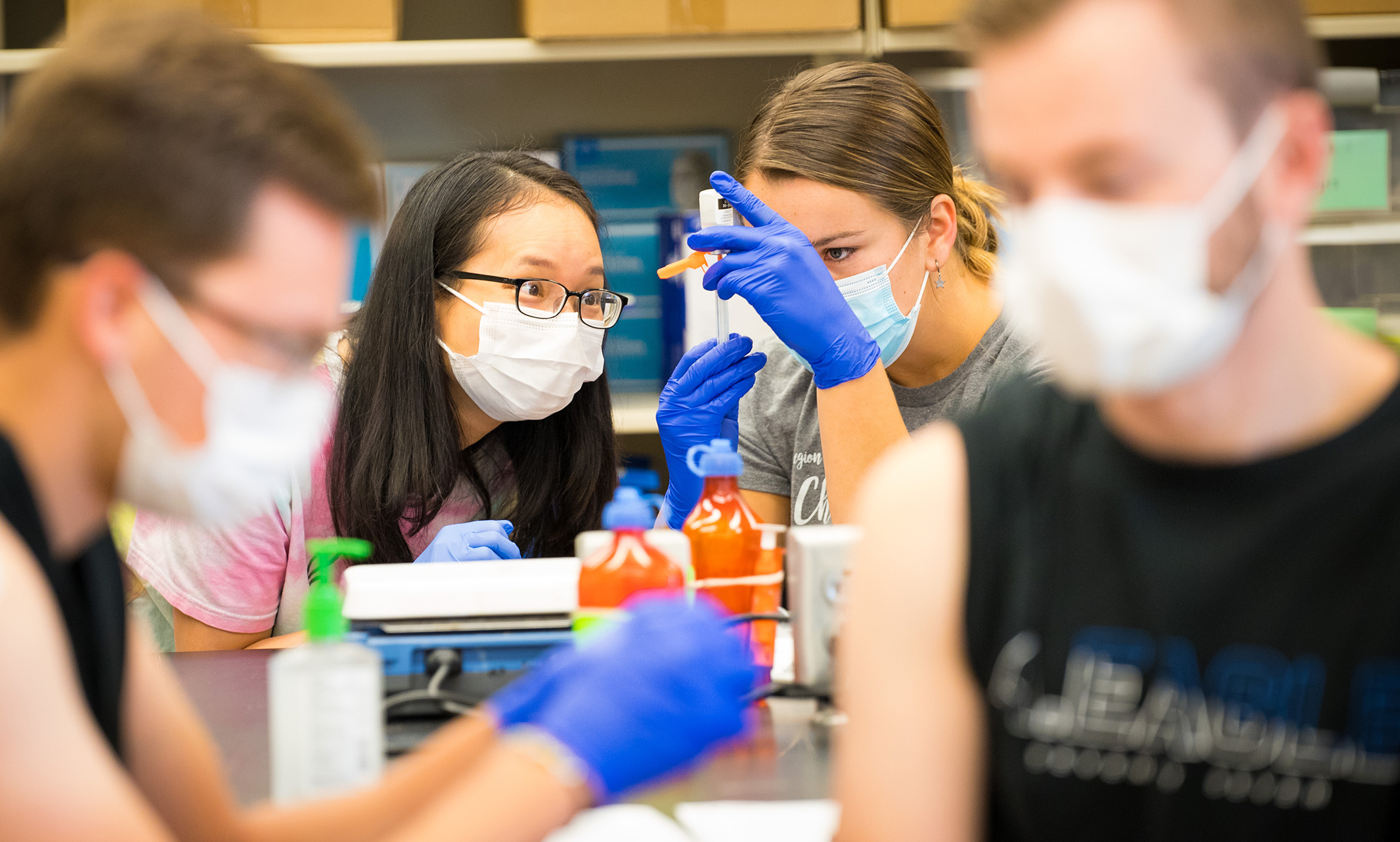
Immunization training will allow student phamacists additional opportunities to help meet public health needs
Jessica Thomas, a second-year UMKC School of Pharmacy student, braced herself as her classmate, Sheel Patel, gently plunged a syringe into her arm.
“Wow, that didn’t hurt whatsoever,” Thomas exclaimed.
Thomas and Patel are two of the more than 180 first- and second-year students across UMKC’s three pharmacy school campuses in Kansas City, Columbia and Springfield who participated in an all-day training the week before classes started and then two days of immunization injection training during the first week of the school year.
The training has been part of the School of Pharmacy’s curriculum for more than a decade. Until this year, however, it took place as students transitioned from their second to third years of the program, just prior to beginning their second introductory clinical experiences.
Now, all UMKC student pharmacists will get the training at the start of their first year in pharmacy school.
Cameron Lindsey, chair of the school’s Division of Pharmacy Practice and Administration, said the school moved the immunization training to the beginning of the curriculum in order to give students more opportunities to help with public health needs such as administering COVID vaccines as well as other necessary vaccines.
“Now they’ll have that skill before they go out on their first (clinical) experience,” Lindsey said. “We look at this as an opportunity for our students to learn a skill, practice it and be able to help the pharmacists, and actually, the whole health care system.”
Thomas and Patel said they’ll see an immediate benefit. Thomas currently works in the pharmacy at University Health-Truman Medical Center. Patel works at a local Walmart pharmacy. Under the previous schedule, they would have received the immunization training next spring. Now all UMKC pharmacy students will have the training and be certified immunizers as they start pharmacy school.
“I’m really excited,” Thomas said. “Working in retail pharmacy, you can’t have enough people who give immunizations. I’ve been asked several times, ‘Can you do them? We need someone to do them.’ There’s a need out there and I’m glad that we can help meet it. I’m glad we don’t have to wait another year to get the training.”
Patel admitted being a little nervous about sticking a needle in someone’s arm. After the first practice injection, the nerves subsided. Now, he says he’s ready to take on added responsibilities at work.
“When we work in retail (and administer vaccines under pharmacist supervision), it gives the pharmacists more time to do other things than give shots all day long, and that helps them out,” Patel said.
Vaccination training is one of the first patient-care experiences in which many student pharmacists participate. The hope is that by providing that training before they start their first year of pharmacy school, students will feel more engaged with patient care early in their education.
“Those first semesters are very science heavy, and now our students are going to be right in the midst of doing something that’s hands-on, that can be applied to patient care, and they can be more involved with patients early on,” Lindsey said.
First-year student Madison Crawford said she wasn’t expecting to learn immunization skills so quickly when she enrolled in pharmacy school.
“I’m really excited to be able to do it so soon,” she said. “I feel like I’ll be able to get more involved in the community by giving vaccinations early on.”
Aug 30, 2022
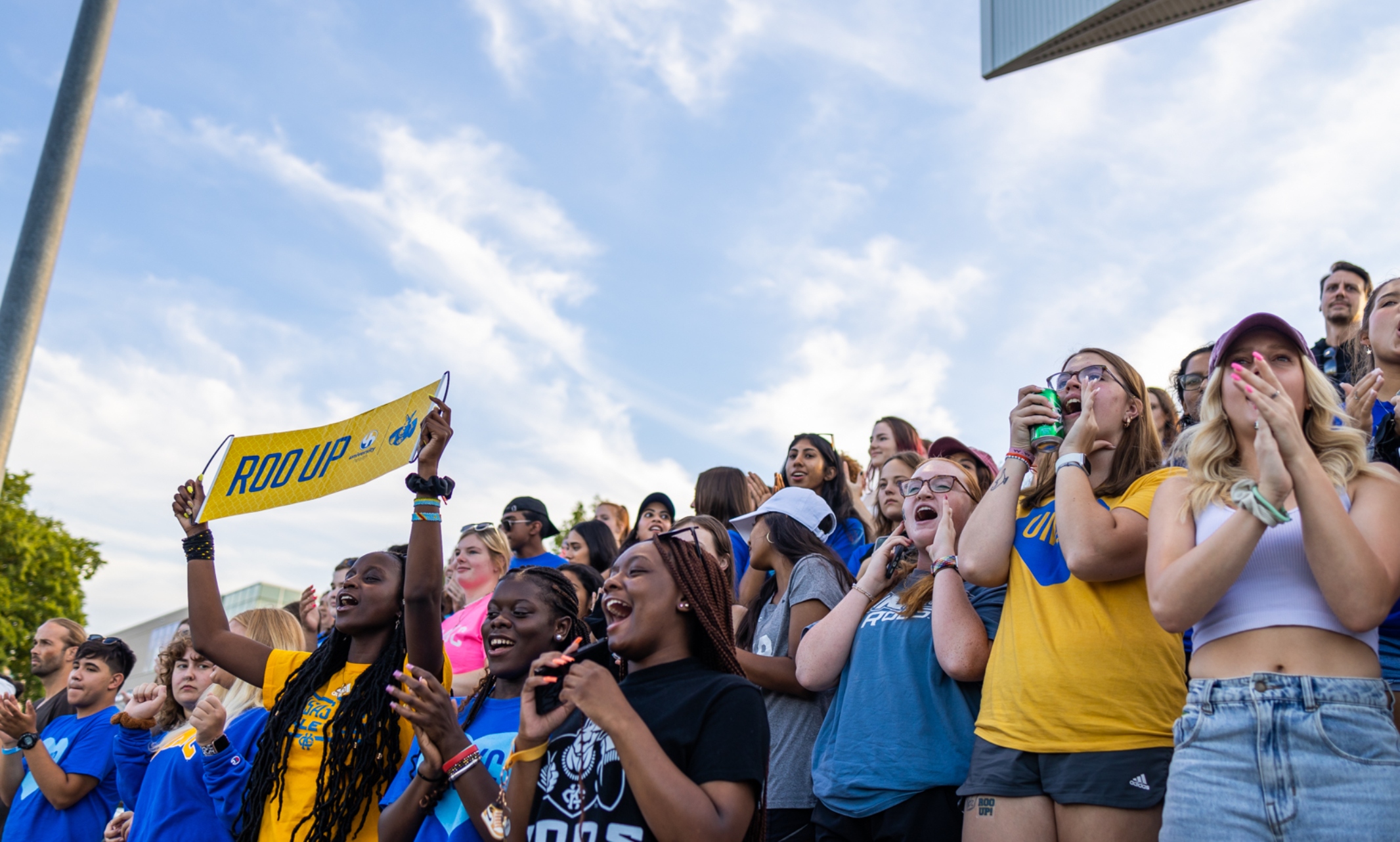
Convocation, Roo Welcome and soccer headlined the first week of the semester
The University of Missouri-Kansas City welcomed new and returning students, faculty and staff with a series of special events and activities. From move-in to the first Roo Blue Friday, here’s a look at highlights from the first week on campus.
A student pushes a bin during move in at Oak Street Residence Hall
Students move in to the Hospital Hill Apartments
Chancellor Agrawal was there to greet families and lend a hand as students moved in
Late Night with the Greeks is one of the first events of the weekend
The annual tradition is a chance for students to learn about Greek Life organizations at UMKC
UMKC is home to 13 Greek letter organizations
The event has a variety of activities and food vendors
The Paint a Pig event introduces students to services available through the Financial Wellness Center
Convocation was held on Saturday afternoon
New students learned UMKC traditions such as the fight song and the alma mater
Following Convocation, students attended the Welcome Block Party
Students enjoyed food, games and caricatures
The men's soccer team won the Battle of Rockhill 2-1
The exhibition match is a tradition where the Roos face off against neighboring Rockhurst University
Donuts with the Dean is an opportunity for students to get to know Dean of Students Michele Smith
Students used color powder to decorate shirts ahead of the women's soccer match
Union Fest is an opportunity for students to learn about campus resources and activities
The first day of class was Aug. 22
Pharmacy students learned about opportunities at the student organization fair
Students don their blue on Roo Blue Friday
Aug 26, 2022
Virtual event offers CLE credit, or free for non-credit attendees
The UMKC School of Law and Athletics Department are co-sponsoring “The Arc of Race in Professional & Collegiate Sports,” a two-day virtual symposium featuring national and local experts.
Topics ranging from the hiring of coaches of color, to name-image-likeness deals, to race norming in the NFL’s brain-injury lawsuit’s claims settlement process will be covered during the Sept. 9-10 event.
The symposium is co-chaired by Brandon Martin, Ed.D., UMKC Vice Chancellor and Director of Athletics; and Prof. Kenneth D. Ferguson, UMKC School of Law. Featured speakers will include:
Keith Harrison, Ed.D., chief academic officer, DeVos Sport Business Management Graduate Program, University of Central Florida
Ann McKee, M.D., neuropathologist and director of the Brain Banks for Boston University Alzheimer’s Disease Center, Center for the Study of Traumatic Encephalopathy and Framingham Heart Study
Jennifer Hunter, J.D., senior director of Diversity, Equity and Inclusion for the Portland Trail Blazers
Jannette Berkley-Patton, Ph.D. professor in the UMKC School of Medicine and director, UMKC Health Equity Institute
Tracie Canada, Ph.D. assistant professor of anthropology, Duke University
Vincent Key, head team physician for the Kansas City Royals and president of the Major League Baseball Team Physicians Association
Meg Gibson, M.D., head team physician, UMKC Athletics
Mikah Thompson, J.D., associate dean for Diversity, Equity, and Inclusion, UMKC School of Law
Deron Cherry, retired Kansas City Chief, president of United Beverage Company and a commissioner for the Jackson County Sports Authority
The symposium offers up to 12.6 hours Elimination of Bias Missouri Continuing Legal Education credit. Fee is $100 for those seeking CLE credits; attendance is free to all others. To register, go to sportslawsymposium.org.
The opening session on Sept. 9 will focus on “Race Norming and Sports Concussion Litigation including NFL Concussion Settlement and Claims Process.” The initial settlement by the NFL for Chronic Traumatic Encephalopathy (CTE) injuries implemented a formula (i.e., race-norming) that discriminated against Black retired players. In effect, Black players were treated as having worse cognitive functioning than white players (in their pre-morbid stage). As a result, if a Black player and a white player received the exact same score on a battery of neurocognitive tests, the Black player was automatically assumed to have suffered less impairment. Two members of the panel for that session, attorneys J.R. Wyatt and Cy Smith, successfully sued the NFL to remove race-norming from the settlement.
Other discussion topics will include:
Will Race and Gender Affect which Student Athletes Profit from their Name, Image and Likeness?
The Intersection of Race and Gender in Professional Sports Hiring
The Intersection of Race and Gender in Mental Health of Professional and Collegiate Athletes
Race Norming in Medical Treatment and Clinical Diagnostics and its Impacts
Aug 25, 2022
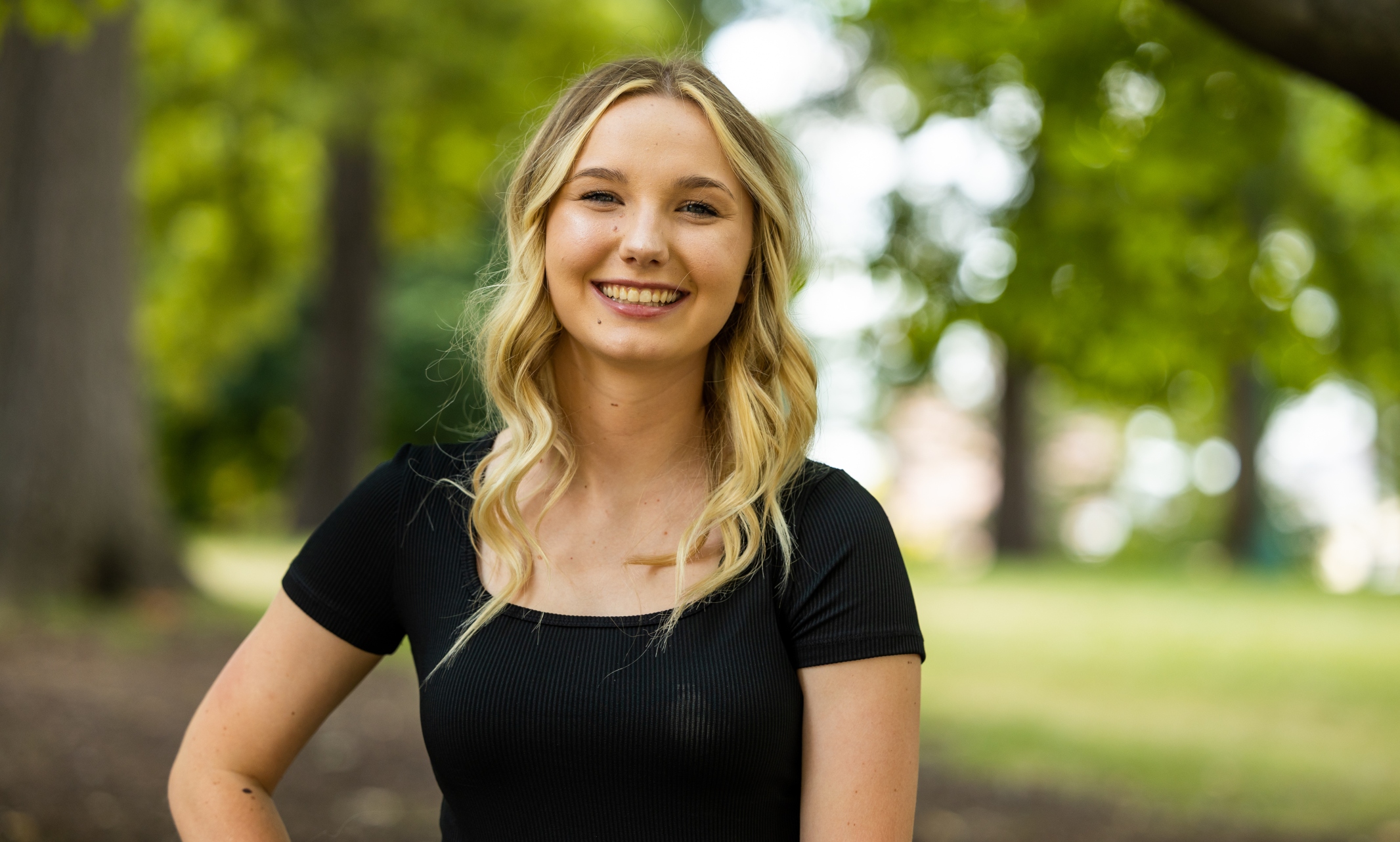
Awardees from southwest Missouri demonstrate academic excellence and financial need
Jose Dominguez (B.A.’88, M.D. ’89) remembers that his father, Emilio Dominguez, M.D., wanted his sons to have careers in medicine as well.
He and his younger brother Victor (B.A. ’89, M.D. ’90) saw the value in their father’s dream for them and graduated from the UMKC School of Medicine. When Victor died of cancer in 1997, a scholarship was established in his name.
“Victor had such a strong work ethic,” Jose says. “He was in the Missouri National Guard and the Army Reserves.”
A natural leader, Victor established the Bi Theta Pi fraternity at UMKC while he worked toward his degree in medicine. He was a member of the Alpha Omega Alpha Medical Honor Society and served as chief resident at the University of Texas Medical Branch in Galveston, Texas. At the time of his death, his friend and fraternity brother, Jim Burke (B.A. ’88, M.D. ’89) recognized Victor for his character.
“I remember him as one of the best friends I have ever had,” Burke said. “He was accepting [of people] at their best and their worst. His loyalty to his friends and family are something we should aspire to.”
In 2007 Carlotta and Emilio Dominguez made the initial gift and pledge to endow the scholarship established in Victor’s memory, which allows students to pursue their dream of earning their degree in medicine at UMKC. Students from southwest Missouri who demonstrate both academic excellence and financial need are eligible to apply. They have made additional donations, as has Jose.
Macy Baugh (B.A./M.D. ‘27), the current recipient of the Victor E. Dominguez, M.D. Memorial Scholarship, knew she wanted a career in the health care field from a young age. It wasn’t until the outbreak of the COVID-19 pandemic, however, that she was certain that she wanted to be a physician.
“Being awarded the scholarship motivates me to be the best student I can be and eventually the best physician I can be." - Macy Baugh
“I watched as doctors worked tirelessly on the front lines and risked their own health to care for their communities,” she says. “People come to see doctors in their most vulnerable times. I want to be there for people during their greatest time of need.”
Baugh chose the UMKC six-year medicine program to help fulfill her dream.
“Once I decided to be a doctor, I wanted to achieve this goal as soon as possible. Also, I loved that UMKC allows us exposure to the field so early in our education through hands-on clinical experience in our docent system.”
Baugh wants to stay close to home once she graduates and hopes to match to a residency program in Missouri. She’s grateful for the Victor E. Dominguez, M.D. Scholarship for making her dreams possible.
“Being awarded the scholarship motivates me to be the best student I can be and eventually the best physician I can be. The cost of attending this program was a very important factor in my decision to attend UMKC, and this scholarship helped reduce the financial burden. Instead of worrying about the amount of debt I am accruing, I am able to focus on my studies.”
She is grateful to Emilio Dominguez for establishing the scholarship in Victor’s honor.
“I sincerely thank him for his generosity and willingness to help students achieve their goals. I hope that one day I am able to help students in the way that he has helped me. Thanks to him, I am one step closer to being a doctor.”
Aug 23, 2022
Office hours, coffee breaks, campus strolls are all ways to forge valuable connections with professors
UMKC faculty have a great deal more to offer students beyond classroom lectures. Things like mentoring, career networking and guidance, research partnerships, internships and deeper explorations of subject matter outside of class time.
At UMKC, faculty are particularly eager and willing to forge helpful relationships with students outside the classroom, including undergraduates.
“It’s part of the culture here,” said Alexis Petri, director of faculty support at the UMKC Center for the Advancement of Faculty Excellence (CAFE). “The benefits to students from these relationships can be profound.”
Talking to faculty outside of class helps students discover opportunities, but there are deeper benefits as well, Petri said.
“It also leads to a sense of belonging, of feeling connected to a major, and to a community that has made that discipline their life’s work,” she said.
“Undergraduate research, internships, all of the experiential learning opportunities that make a discipline come alive in a concrete way – that’s all faculty-driven,” she continued. “Faculty are also the people who will write letters of recommendation for you, and be a reference in your initial job search. And the better they know you, the more good things they can say.”
Some faculty are more prone than others to project that willingness, however. Even for those who advertise it openly, though, it’s up to the student to take the initial step.
“The best way to start is with office hours,” Petri said. “Faculty are required to have office hours and to post them on the syllabus.” If a student feels a need to break the ice before that, “just go up and say ‘hi’ after class.”
“Undergraduate research, internships, all of the experiential learning opportunities that make a discipline come alive in a concrete way – that’s all faculty-driven.”
– Alexis Petri
Petri recalled being introverted as an undergraduate, and forging a plan to overcome that tendency.
“I had to force myself, but I would make a point of saying something in the very first class, be recognized, and get myself in the habit,” she said. “I had a system I tried to follow. Talk in the first three classes, and go to office hours within the first month. There were times I didn’t do it, and I wasn’t as successful in those classes.”
Students from underrepresented backgrounds can sometimes find it difficult to initiate conversations with faculty who don’t look like them. Petri suggests starting off with a visit to the Multicultural Student Affairs office, where the staff can help students find a comfort level and a sense of community at UMKC as a first step in the process.
“Then, ask yourself, ‘Who do I feel welcomed by?’ A lot of our faculty work hard at giving cues of openness, and creating broad classroom participation,” Petri said. “Look for that, and make that faculty member your first experience in reaching out.”
As for her advice to faculty through CAFE, Petri said the most important ingredient can be organization.
“Students who are anxious or nervous tend to follow the rules, so a really well-organized syllabus makes those students feel more confident,” she said. “Being really organized shows students you care.”
Aug 19, 2022
Kansas City Business Journal reports new Roo Nation Award and Roo Advantage Scholarships.
The Roo Nation Award gives students outside Missouri and Kansas an in-state tuition rate. Students must have at least at 3.0 high school GPA and be a U.S. citizen enrolled at UMKC. Roo Advantage Scholarship gives a full ride to Missouri and Kansas residents that are eligible for Pell Grants.
Aug 18, 2022

Roo Advantage Scholarship ensures free college education for the students who need it most while Roo Nation Award offers in-state tuition scholarships
Financial aid assistance plays a big role in helping many students decide where to attend college and UMKC just unveiled a new scholarship lineup aimed at making college even more affordable.
The Roo Advantage Scholarship makes college free for full-time Missouri and Kansas first-time and transfer students who are Pell Grant-eligible. The scholarship covers any remaining full-time tuition and fees not covered by other student scholarships or grants.
The new Roo Nation Award extends in-state tuition scholarships to non-Missouri residents.
Roo Advantage is available beginning now, Fall 2022, while Roo Nation will begin Fall 2023. Both scholarships are renewable yearly.
“We are committed to making higher education affordable to the Kansas City community, all of Missouri and Kansas and beyond,” said Jenny Lundgren, Ph.D., provost and executive vice chancellor. “These programs remove financial barriers that stand in the way of people earning the credentials needed to launch a professional career.”
Roo Advantage
To be eligible for Roo Advantage, students must have completed a FAFSA and been declared eligible for a Pell Grant. Transfer students must have earned an associate degree prior to transferring to UMKC.
Madison Atkins, a junior at UMKC studying education, started her college career at a community college to save money. She said the Roo Advantage Scholarship relieved her of “a huge burden.”
“It was a no-brainer about accepting it because I’m basically getting college for free,” Atkins said. “I did community college to save money, and my family planned to take out loans for UMKC. So when this scholarship came along, it felt like a weight had been lifted.”
Atkins said she and her family feel extremely grateful for the opportunities the scholarship will provide for her during her time at UMKC.
“This really opens the door for me to think about things like continuing school and getting my master’s degree. I was really worried about the student loans from my bachelor’s, and so I had planned to graduate and then work a couple of years before coming back. Now I can work right through,” Atkins said. “That just wouldn’t have been an option for me before.”
Roo Nation Award
To be eligible for the Roo Nation Award, students must be a U.S. citizen and a newly enrolled nonresident undergraduate student with a high school core or transfer GPA of at least a 3.0. Medical, Pharmacy, Dentistry and Law students are not eligible.
SGA President Tim Nguyen says scholarships can make or break the student experience – and he applauded UMKC’s ongoing efforts to make sure college can be affordable for students. For Nguyen (B.S., B.A. ’22), scholarships at UMKC helped ensure he could focus completely on his education as an undergrad and even to pursue a graduate degree.
“My scholarship at UMKC gave me countless opportunities that I could never possibly imagine. Or never thought I would be able to come across,” Nguyen said. “I had flexibility, where I didn’t have to work two or three other jobs, I could invest myself into giving back through different community service opportunities, different internships and be someone for my UMKC family, not just someone in it.”
Learn More About Roo Advantage and Roo Nation Scholarships
Aug 17, 2022
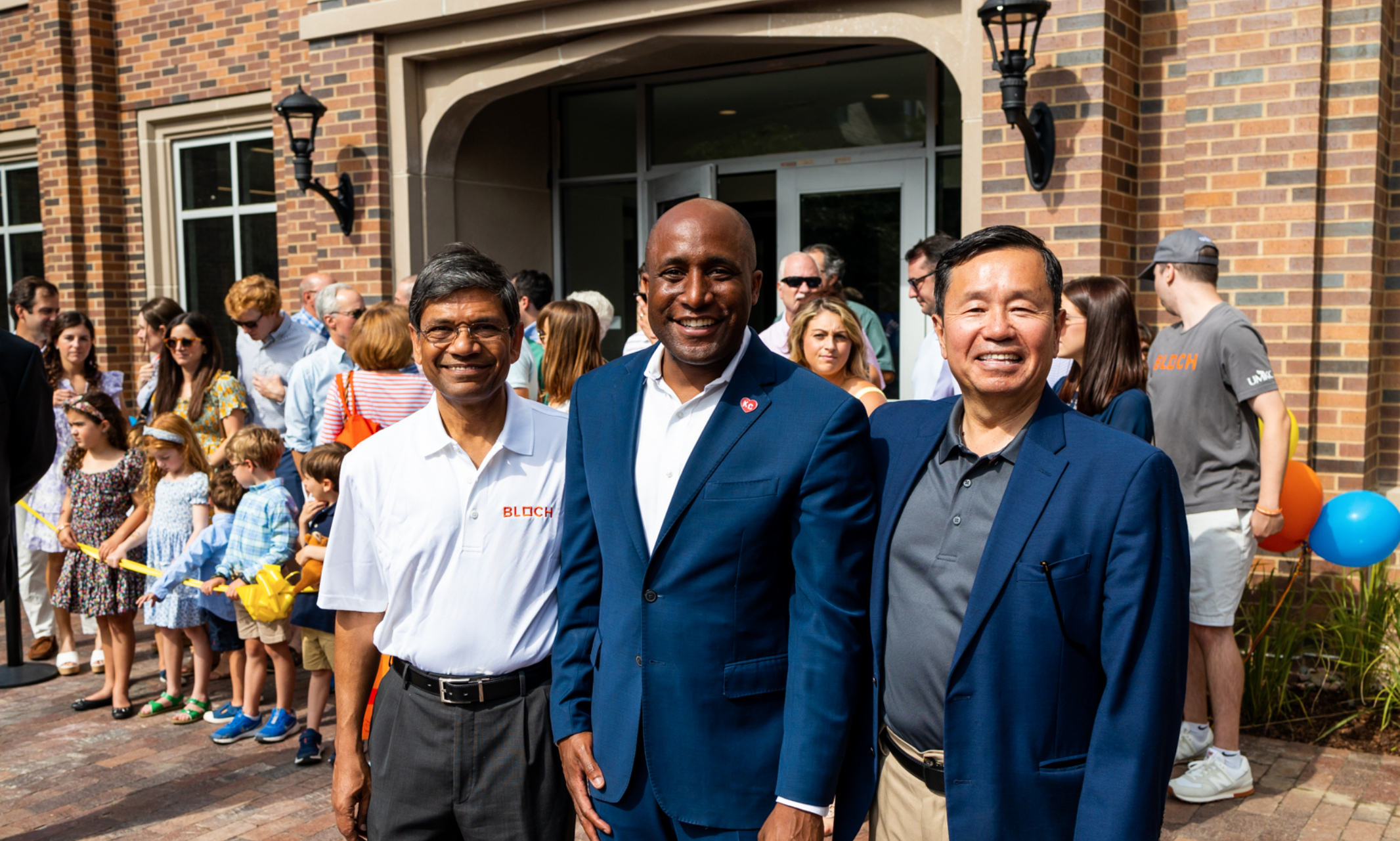
From academic realignment to new student-focused partnerships and more, it's been a busy summer on our campuses
Welcome to a new school year at UMKC! Campus may have seemed quiet the past three months, but major changes are in store. Here’s a look at what’s new around campus as well as some big news you may have missed over the summer:
New Homes and New Offices
Two key Academic Support and Mentoring departments are moving to Miller Nichols Library beginning in the fall semester to take advantage of space that is both larger and quieter than their former location.
Supplemental Instruction and UMKC Tutoring will now be located on the fourth floor of Miller Nichols Library, relocating from the Atterbury Student Success Center.
RooLearning+, an easy-to-use app already used for Supplemental Instruction scheduling, will also be the best way to schedule Tutoring and Writing Studio appointments and logging in for drop-ins. Access RooLearning+ by visiting the webpage at umkc.tedu.app/student or downloading the app from the Apple or Google Play app stores and signing in with your SSO.
Two new offices will be opening in the Student Success Center this fall: the headquarters of the new Professional Career Escalators program and an on-campus office for KC Scholars. Career Services will also have expanded space in the ASSC.
Music To Your Ears
The recital hall in Grant Hall has been renovated to make it into a high-quality venue for music performances, including new acoustic treatments and new sound equipment. This is part of a $4 million project to renovate spaces within White Hall and Grant Hall, including arts practice and teaching areas most needed by our Conservatory students and faculty. The project is focused on hearing safety, updated technology, increased usable space and ADA compliance.
UMKC Forward Launches Academic Realignment
The UMKC Forward academic realignment, designed to optimize resources and better serve UMKC students and community, began July 1. Significant progress on hiring and program development have laid the groundwork for collaborative research and student success.
In 2020, during the early days of the COVID-19 pandemic, Chancellor Mauli Agrawal announced the formation of UMKC Forward, a collaboration of faculty, staff and students across the university that would develop a new vision for the university’s future. Part of that vision was a realignment of the academic units at UMKC in order to optimize the strengths of the university and the opportunities for students’ career achievement.
The realignment created three new schools: the School of Education, Social Work and Psychological Sciences; the School of Humanities and Social Sciences; and the School of Science and Engineering.
Read More
$100 Million Project Planned for Health Sciences District
We are poised to begin work on a new interprofessional health sciences building in the UMKC Health Sciences District, housing new, state-of-the-art dental teaching clinics and expanded medical school teaching facilities.
The multi-story, $100 million project also will serve as a home for the university’s Data Science and Analytics Innovation Center and Biomedical Engineering program. This project will take the Health Sciences District to the next level, accelerating health care access and equity for the community and sparking development to turn the campus into a regional draw, igniting entrepreneurship and economic growth for the city and region.
Read More
University Partners with Boys & Girls Clubs
UMKC and the Boys & Girls Clubs of Greater Kansas City announced a new partnership in June that will extend scholarship opportunities to thousands of Kansas City students. The agreement creates the new UMKC Boys & Girls Clubs of Greater Kansas City Scholarship, which grants $1,000 in aid to students who are graduating from a Boys & Girls club program. In addition to scholarship funds, the partnership will also provide an on-campus introduction to campus and college life during the spring or summer prior to students’ freshman year. Once on campus, UMKC will provide students with programs to help connect them to peer mentors who will help navigate and support them throughout their college experience.
Read More
KC Celebrates Bloch Heritage Hall Reopening
The Henry W. Bloch School of Management welcomed alumni, students and community members to the newly remodeled Bloch Heritage Hall July 30 to celebrate the reopening of the building and the 100th anniversary of the birth of the school’s namesake.
“Henry Bloch, and the community leaders who came before him, created a heritage of investment in higher education and a dedication to innovation,” Chancellor Mauli Agrawal said. “Just as they joined together to support the university more than 90 years ago, UMKC has again witnessed the generosity of donors who value the importance of maintaining excellent educational opportunities close to home.”
The remodeling creates a vibrant student services hub, where students can easily connect to advisors, tutors, career resources and clubs. Classrooms now feature state-of-the-art technology and room design to provide flexibility for optimum virtual-class attendance. These upgrades will better serve students with work and childcare obligations, as well as travel schedules.
Read More
New Faces Among Leadership
Please join us in welcoming our new vice chancellor for diversity and inclusion and two new deans to campus.
J. Camille Hall, Ph.D., LCSW, has been appointed as the new vice chancellor for diversity and inclusion at UMKC. She comes to UMKC from the University of Tennessee-Knoxville, where she has served as a tenured professor and associate dean for equity and inclusion in the College of Social Work. Her research focuses on risk and resilience among Black Americans and multicultural competence.
Tamara L. Falicov, Ph.D., will be the inaugural dean of the new UMKC School of Humanities and Social Sciences. She brings to the job a history of interdisciplinary scholarship and a strong demonstrated commitment to student success and to diversity, equity and inclusion.
The new dean of the UMKC Conservatory, Courtney Crappell, DMA, comes from an arts leadership position at an urban-serving university, where he was deeply engaged with the local community and had experience collaborating across disciplines.
UMKC Hosts Area Employers for Talent Summit
Connecting with this generation of students and young professionals may require thinking outside of the box. The KC Early Talent Summit hosted hiring professionals from more than 90 local companies and organizations to discuss the opportunities and changing landscape when it comes to hiring and working with young professionals.
Topics included diversity, equity and inclusion; recruitment and retention, building a recognizable brand on campus and alternatives to traditional internships.
Read More
Aug 12, 2022
Fox 4 News reported on the UMKC working arrangement with the Environmental Protection Agency that centers on UMKC School of Science and Engineering.
A promising new partnership could result in new opportunities for students at the University of Missouri-Kansas City.
UMKC unveiled an agreement with the Environmental Protection Agency, a working arrangement that centers on UMKC’s school of engineering and research. Featured on Fox 4 News.
Aug 11, 2022
Latest appointee to Stripp Professorship spent 13 years on Kansas Court of Appeals
Steve Leben has been named the Douglas R. Stripp Missouri Distinguished Professor of Law at the University of Missouri-Kansas City.
Leben joined the UMKC School of Law faculty in 2020 after 27 years as a Kansas judge, the last 13 as a member of the Kansas Court of Appeals. It is rare for an appeals court judge to move to a university faculty position.
“I’ve seen in the past two years the great training we give our students, and I’m glad to fully join UMKC’s well-recognized advocacy program,” Leben said.
Steve Leben
Advocacy—essentially the art and science of persuasion—takes many forms. UMKC School of Law has long had a strong reputation in both trial and appellate advocacy education. The school’s advocacy program is A-rated by National Jurist magazine, and the school is ranked 31st in the country for advocacy by U.S. News and World Report. At UMKC, Prof. L. Michaelle Tobin leads the trial court advocacy program. Patrick Brayer, a 33-year retired veteran of the Missouri State Public Defender System, serves as faculty advocacy fellow and teaches both trial and appellate practice courses.
Leben brings both expertise and scholarship to elevate the advocacy program. He is a nationally recognized expert on procedural justice, and he has trained judges around the United States on how to improve perceptions of fairness in court proceedings. The National Center for State Courts gave him its highest award for a judge, the Rehnquist Award for Judicial Excellence, in 2014 in recognition of his work on procedural-justice issues. Leben is an elected member of the American Law Institute, an officer of the American Bar Association Judicial Division’s Appellate Judges Conference and past president of the American Judges Association.
In his role as the Douglas Stripp Professor, Leben said he would focus primarily on enhancing the school’s appellate advocacy program. “I want to bring more appellate judges in from around the country to participate in our competitions and speak to our students,” he said. In addition to appellate advocacy, Leben teaches another important form of advocacy in his Legislation course, in which students learn about public policy advocacy and the legislative process.
The Douglas Stripp Professorship was created and funded by Bebe and R. Crosby Kemper through the R. Crosby Kemper Charitable Trust and Foundation. It is named for Bebe Kemper’s father, a lifelong Kansas City resident and internationally known trial lawyer, who practiced law in Kansas City for more than half a century until his death in 1983.
Stripp worked alongside Charles Evans Whittaker in Kansas City before Whittaker was appointed to the U.S. Supreme Court. Stripp’s passion was mentoring young attorneys in the art of persuasion and advocacy, and the Stripp professorship has carried on his legacy.
Aug 11, 2022
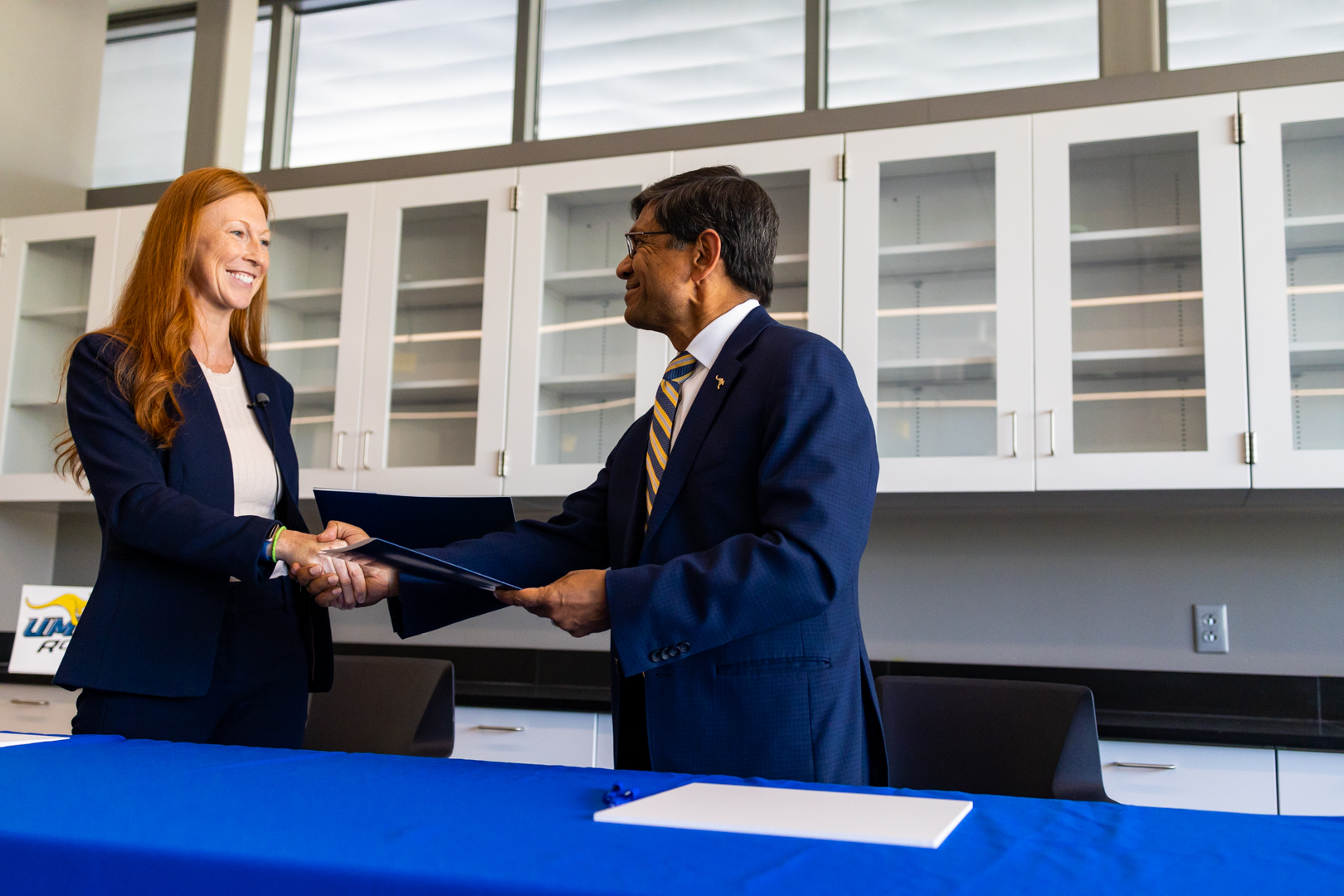
Partnership will include joint research projects, opportunities for EPA colleagues to participate in teaching and mentoring and internship opportun...
The University of Missouri-Kansas City and Environmental Protection Agency Region 7 have entered a partnership to prepare students for future careers and drive research in human and environmental health.
The two signed a Memorandum of Understanding, approved by the University of Missouri System Board of Curators. Under the MOU, the two will conduct joint research projects, UMKC will offer opportunities for EPA staff to participate in teaching and student mentorship and students will have opportunities for internships and career development.
Chancellor Mauli Agrawal said the mutually beneficial partnership will allow the EPA to participate in classroom workshops and career fairs while students will benefit from opportunities such as internships and training, employment and mentorship opportunities.
“We are excited to launch this partnership and look forward to the opportunities that will provide mutual advantages to both our organizations,” Agrawal said. “Research in science, technology, engineering, math and health science is one of our top priorities. It plays an important role in the education of our students, and it drives advances in partnerships, knowledge and technology that benefit our communities – whether they are local or global.”
The partnership was led by alumna Megan McCollister (J.D. ’11), who was appointed Regional Administrator for EPA Region 7 by President Biden earlier this year. McCollister said her time at UMKC was “life changing.”
“My experiences here laid the groundwork for the work that I now do at the EPA. I will always be grateful for the opportunity that UMKC gave me to make a difference,” McCollister said. “I know firsthand how well UMKC develops students into professionals who make impactful decisions, not only here in the region, but also across the world. I’m so excited for what’s next.”
Aug 11, 2022
The Urban Music Scene reviews "Back Home in Kansas City" due out October 7 on Smoke Sessions Records
Bobby Watson, director of Jazz Studies at the University of Missouri-Kansas City’s Conservatory of Music & Dance, releases new album.
Aug 08, 2022
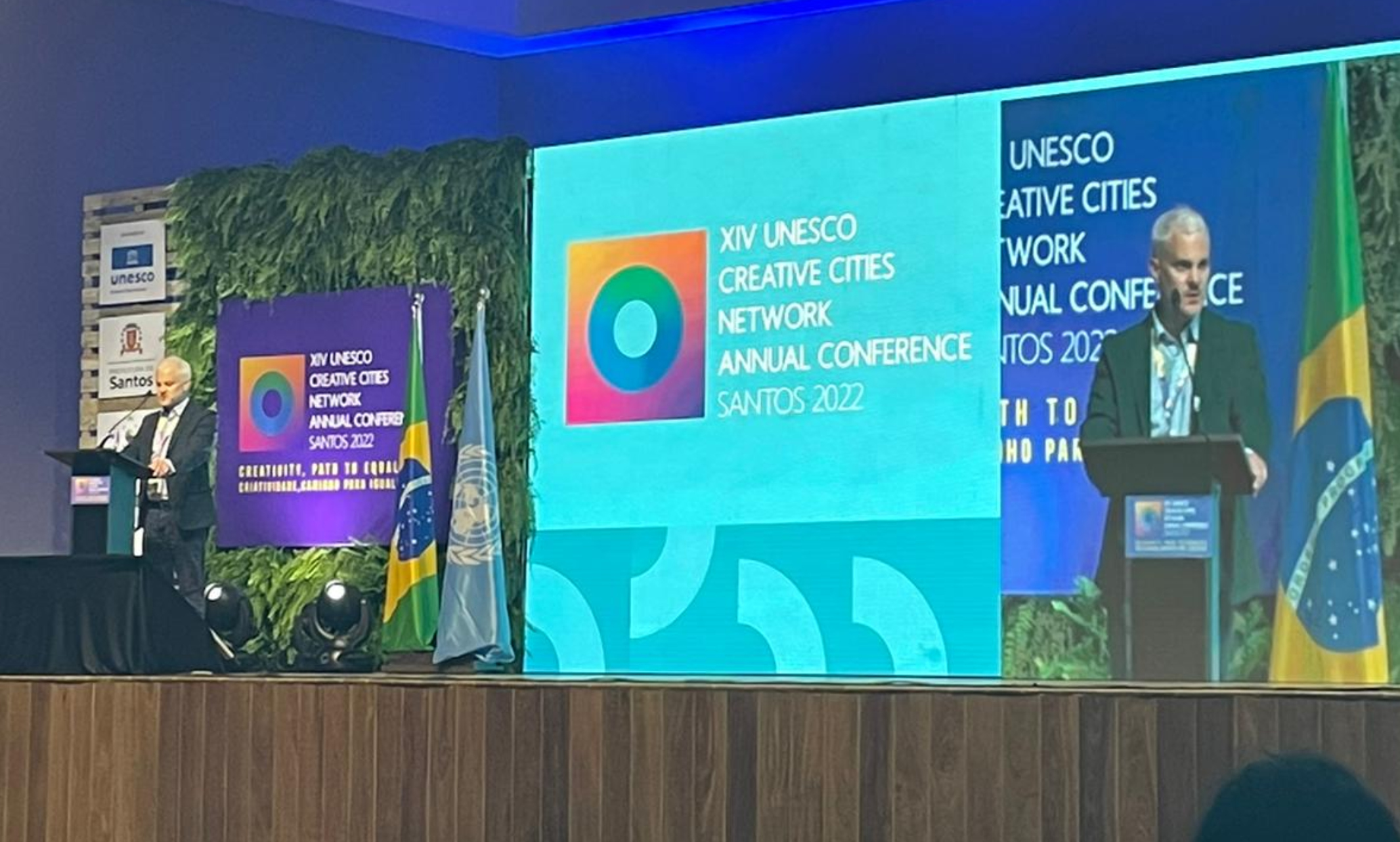
Stems from Kansas City’s designation as a UNESCO City of Music
UMKC faculty member Jacob A. Wagner, Ph.D., recently presented at the international conference of the UNESCO Creative Cities Network held in Santos, Brazil.
Wagner described his work in organizing the global Voyage of the Drum project, depicting the role of drumming across cities and cultures and the influence of the African diaspora on music cultures internationally. The United Nations Educational, Scientific and Cultural Organization (UNESCO) is the founder of the Creative Cities Network, which includes more than 250 cities around the world.
“For this year’s annual meeting, the UNESCO secretariat invited Kansas City to present the Voyage of the Drum project as a major effort, involving 18 different cities around the world, completed during the pandemic,” Wagner said.
A three-minute introduction to the project is available at this link. A full suite of individual music city videos is available here. The videos have had more than 4,500 global views, Wagner said.
The theme of the conference was “Creativity, Path to Equality.”
Wagner is an associate professor in the Department of Architecture, Urban Planning and Design (AUP+D), part of the Natural and Built Environment division of the new School of Science and Engineering.
“The project demonstrated the use of digital technology and creativity to bring cities together around a common theme, focused on music of the African diaspora, as well as the drum as a universal language,” Wagner said. The project was recognized by the UNESCO secretariat as a significant creative response to the challenges of the COVID19 pandemic.
Kansas City’s designation as a UNESCO City of Music resulted from a unique community partnership between Wagner and Anita Dixon-Brown, a cultural heritage expert and music advocate in Kansas City. In 2016, students from UMKC’s Urban Planning and Design program worked under the direction of Wagner and Dixon to produce research on Kansas City’s unique jazz and Black American musical heritage. This research provided support for Dixon’s application to the UNESCO Creative City Network.
Kansas City is the only UNESCO City of Music in the United States and one of 59 worldwide. Other U.S. cities have Creative Cities designations for Literature, Folk Art, Design, Gastronomy and other forms of cultural heritage. Each UNESCO Creative City Network member city must maintain active participation in the network through annual meetings, cooperative projects with other cities and by providing leadership on the use of creativity as a driver of sustainable urban development.
A new edition of the Voyage of the Drum is planned for next year’s annual meeting with new Creative Cities invited to participate in 2023.
Aug 04, 2022
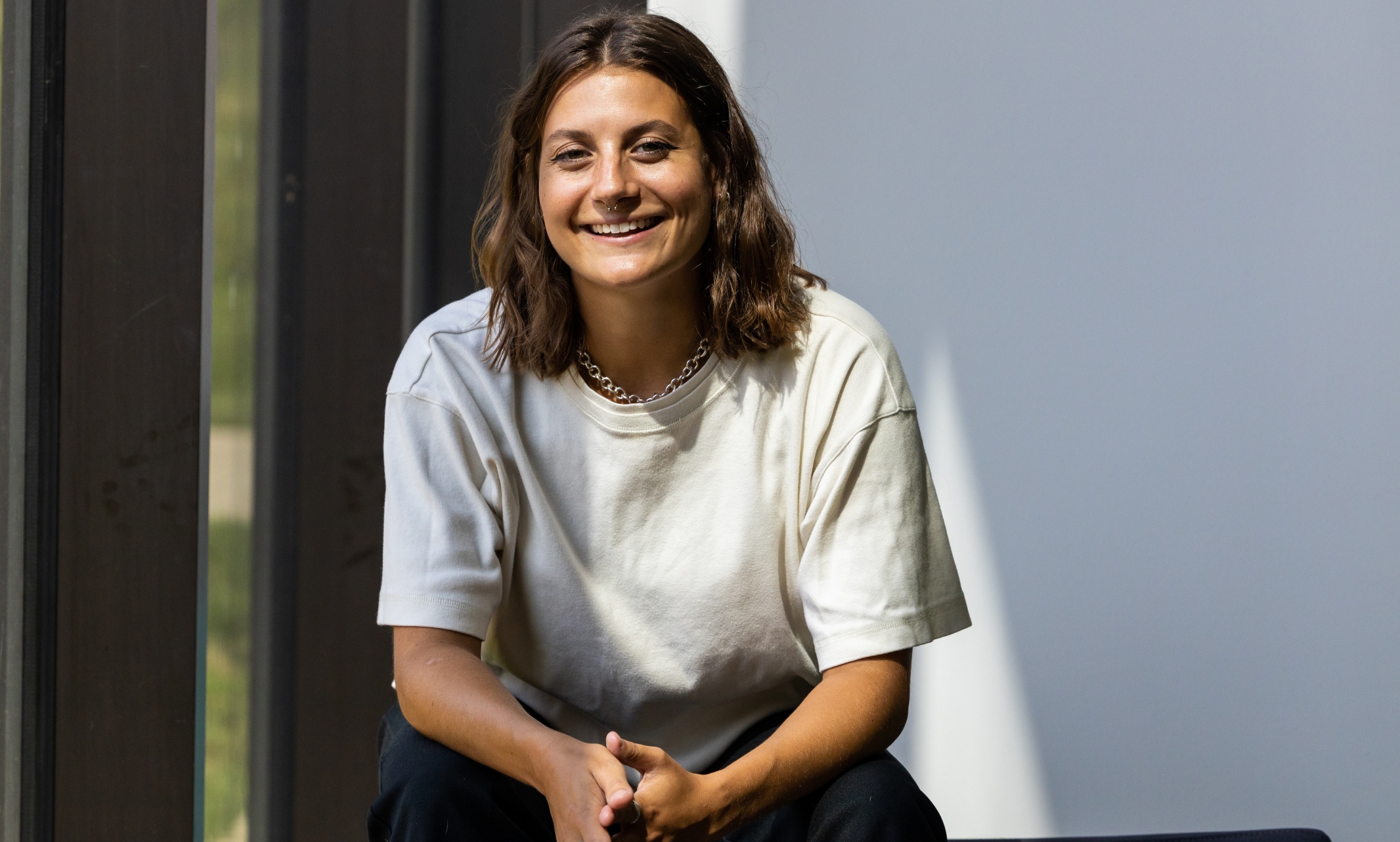
Education, urban setting are draws for graduate student
Roos don’t just dream, they do. Our students turn ideas into action every day. Get to know our people and you’ll know what UMKC is all about.
Elise Byers Graduation year: Summer 2022UMKC degree program: M.A. in Curriculum and Instruction — Emphasis in Art Education Hometown: Kansas City
Why did you choose UMKC?
I transferred to UMKC to be closer to family and friends. Also, I was attracted to UMKC's urban location and teacher education programs, as well as the many unique scholarships available to LGBTQIA+ students. Most schools say they support their students, but UMKC actually put action behind their words.
Why did you choose education as your field of study? And what led you to focus on urban education?
I've wanted to be an educator working with children since I was 14 years old. There's something intrinsically rewarding in the experience through the connections we form with our students, and in the sense of community impact education provides. I've always loved working and living in urban settings. It's truly been a privilege being so close to and engaging daily with the diverse cultures and perspectives of an urban setting.
What are the challenges of the program?
The coronavirus complicated much of the community-forming and the feelings of academic belongingness that surely would have characterized the program in previous years. I was hopeful to meet people, to attend study groups and connect with my peers. Though it saddens me to have been denied these opportunities, still I feel fortunate to have continued my education at UMKC, and during a period that for many of us surely felt intractable.
What are the benefits of the program?
The in-person classroom experience offered by the program was a major benefit. I'm also very much a hands-on, kinesthetic learner, and UMKC prioritizes placing their students in the right schools immediately to ensure they’re a good fit for this career. I came into my first year teaching feeling very confident, with no small thanks to the amount of experience and practice I’d had in KC schools during my undergraduate study.
How has your college program inspired you?
UMKC's Curriculum and Instruction program inspired me to begin educating myself on how to best serve English learners in the classroom and how to be culturally-sustaining in urban-setting schools. I learned the importance of connecting with families of students and constantly addressing my own bias. Seeing my professors in action was also a significant motivation to continue pursuing my master’s and eventually a doctorate degree in Education. Without the examples and guidance of the strong, intelligent and welcoming UMKC professors to lean on, many of them women notable in the field of research, I don’t know if I could have seen myself continuing my educational journey.
Since entering college, what have you learned about yourself?
Throughout high school I attached much of my self-worth to test scores. It's only since entering college that I gained a sense of academic ownership and the intellectual empowerment that followed my autonomy of class choice and the pursuit of my own research interests. I learned that I am intelligent, that I am worthy--unapologetically--of a place in educational settings. It has felt empowering to have built up confidence and a sense of belonging at UMKC.
What has the Women’s Council Graduate Assistance Fund support enabled you to do?
I attended the OMEP Conference in Athens, Greece where I had the honor to represent UMKC with my advisor, Dr. Ekaterina Strekalova-Hughes. We presented on Culturally Sustaining Creative Development in an Urban Project-Based and Arts-Integrated School, from my undergrad research with the UMKC Honors College.
The Women’s Council Graduate Assistance Fund enabled me to present at this conference free of financial stress, and to collaborate and confidently share my research with teachers from across the world.
What do you hope to take from your experiences at UMKC into your professional career?
I hope to maintain and build upon the relationships I’ve made with UMKC professors and peers. Relying on one another during good times and bad, knowing each of us understood the day in-and-out of being a teacher, taught me I need not look far for inspiration or motivation, or simple friendly support.
Aug 02, 2022
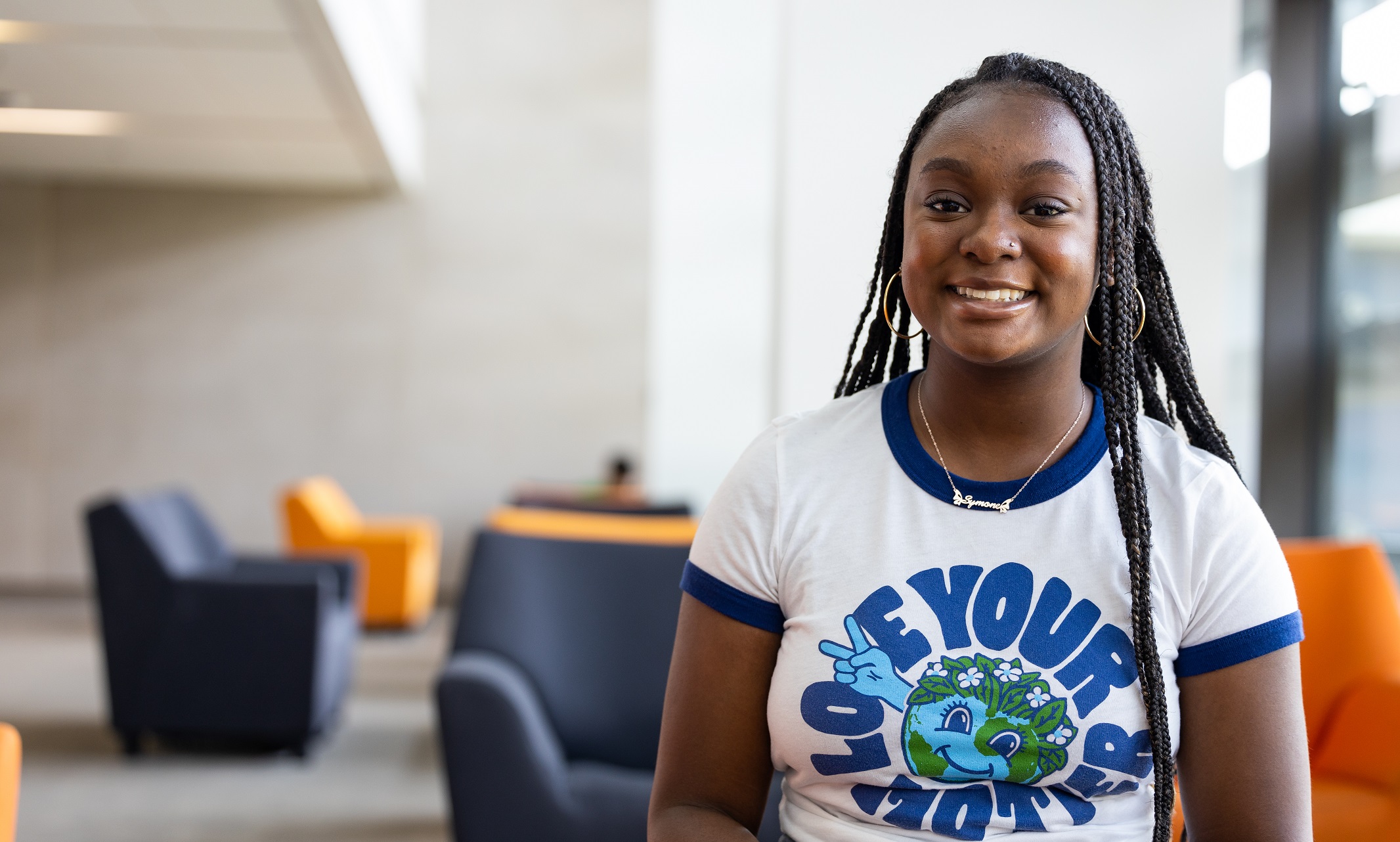
Symone Franks found her path at UMKC and hopes to inspire others
Roos don’t just dream, they do. Our students turn ideas into action every day. Get to know our people, and you’ll know what UMKC is all about.
Symone FranksAnticipated graduation year: Spring 2025UMKC degree program: B.S. Environmental Science, environmental sustainability minor, honors programHometown: Grandview, Missouri
Symone Franks chose to come to UMKC because of the undergraduate research opportunities and diverse student body. In her time here, Franks has been motivated and inspired by her fellow students and professors.
“I admire everyone’s goal for excellence here at UMKC,” said Franks. “When I talk to other students and faculty, everyone seems to have something big that they are working toward.”
A first-generation student, Franks is a KC Scholar and Marion Bloch Scholar. She says that without these scholarships, she would not have been able to fulfill her dream of attending college.
Why did you choose your field of study?
Environmental science has always interested me, and my dream job is working at the EPA. My degree program will give me a great foundation to get there.
What are the benefits and challenges of the program?
I love how tight knit the program is. I feel as if I can go to faculty members with any questions I have. The department also places a big emphasis on hands-on work, which has been beneficial to me.
The program can be challenging because it covers a broad area of study, so you are exposed to a lot of information.
How has your college program inspired you?
When I started college last year, I was sure I wanted to do something related to the environmental sciences, but I had no idea what I wanted to do specifically. After taking my first environmental science class, I was inspired by my professor's excitement about climate science. The program as a whole has inspired me to follow my dreams of working for the EPA and given me the confidence to know I can make it happen.
What does being a first-generation student mean to you?
Being a first-generation college student comes with a lot of responsibility. I am not just going to college for my own success but for my entire family’s success.
What other extracurricular activities are you involved in at UMKC?
I am involved with Kansas City Explores Earth and Environment (KC E3). This is a paid training program that is run through the earth and environmental science department.
I’m also in the Honors Program and am an honors ambassador. As an ambassador, I communicate and meet with potential students. I really enjoy the Honors Program; the connections I've made with other students and professors in those classes are unique. The important conversations we have in classes are something I've never experienced in a standard learning environment.
What are you most proud of during your time at UMKC?
I had the opportunity to be a part of a team that welcomed around 40 middle school girls to campus for Earth Day with KC E3! It was such an amazing experience to be the role model that I wanted when I was younger.
What do you hope to take from your experiences at UMKC into your professional career?
I hope to take the spirit of excellence into my professional career. I want to continue to always ask questions and aim for better things.
Since entering college, what have you learned about yourself?
I learned that fulfillment is something that I will always be chasing. Before I came to college, my main goal was to make enough money to be successful. Now I realize that I need to be doing a job that contributes to the good of other people, not just myself.
Aug 01, 2022

The posthumous 100th birthday of Henry Bloch recognizes past and present achievements and anticipates future successes
The UMKC Henry W. Bloch School of Management welcomed alumni, students and community members to the newly remodeled Bloch Heritage Hall July 30 to celebrate the reopening of the building and the 100th anniversary of the birth of the school’s namesake.
“Henry Bloch, and the community leaders who came before him, created a heritage of investment in higher education and a dedication to innovation,” Chancellor Mauli Agrawal said. “Just as they joined together to support the university more than 90 years ago, UMKC has again witnessed the generosity of donors who value the importance of maintaining excellent educational opportunities close to home.”
Bloch’s children Bob Bloch, Mary Jo Brown, Tom Bloch, Liz Uhlmann and their spouses and children were on hand to celebrate, along with representatives from the Sunderland Foundation, William T. Kemper Foundation and Capital Federal Foundation. Alumni and fellow donors gathered to celebrate Henry Bloch’s legacy and the significance of the mission and success of the Bloch School.
The extended Bloch family gathered in front of the statue of Marion and Henry Bloch
Before the ribbon cutting Chancellor Agrawal recognized the importance of the contributors past and present.
“Henry and the community leaders who came before him created a heritage of investment in higher education and a dedication to innovation,” Agrawal said. “Just as they joined together to support the university years ago, UMKC has again witnessed the generosity of donors who value the importance of maintaining excellent educational opportunities close to home.”
Mun Choi, president of the University of Missouri System, said he was “blown away by the growth and development of this campus over the past few years,” thanks in large part to the generosity of donors such as the Bloch family. He also thanked Henry Bloch for focusing his philanthropy on his hometown.
“Henry knew that Kansas City, as a world-class city, needed a world-class business school,” Choi said.
Mayor Quinton Lucas announced that he would expand the city proclamation to make July 30 “Make Every Block Better Day” to recognize Henry Bloch’s focus on giving back to the community and his commitment to believing that entrepreneurship is the key to community growth and development.
“This is what Kansas City is all about, and what I have had the opportunity to learn that Henry Bloch was all about,” Lucas said. “He always believed in Kansas City as one of the great cities of the world. And thanks to him, the Bloch School is second to none among business schools in our country.”
Dean Brian Klaas underscored the importance of preserving the history and charm of the building, which was built in 1909, while bringing it into the 21st century in order to create a better experience for students, faculty and staff.
Klaas highlighted that the renovations were not cosmetic. They include a vibrant student services hub, where students can easily connect to advisors, tutors, career resources and clubs. The new configuration provides students a better way to build community within the school and promote collaborative learning.
The new configuration supports students’ experiences in building relationships, as well as making available the tools they need to empower them to graduate and launch successful careers and businesses. State-of-the-art classroom technology and room design now provide flexibility for optimum virtual-class attendance. These upgrades will better serve students with work and childcare obligations, as well as travel schedules.
Following the program, the Bloch family members, including Henry Bloch’s great grandchildren, cut the ribbon to welcome visitors in the newly renovated Bloch Heritage Hall. Fitting a birthday party, guests enjoyed yard games, face painting, live music, a scavenger hunt and cake.
More photos from the celebration:
Aug 01, 2022
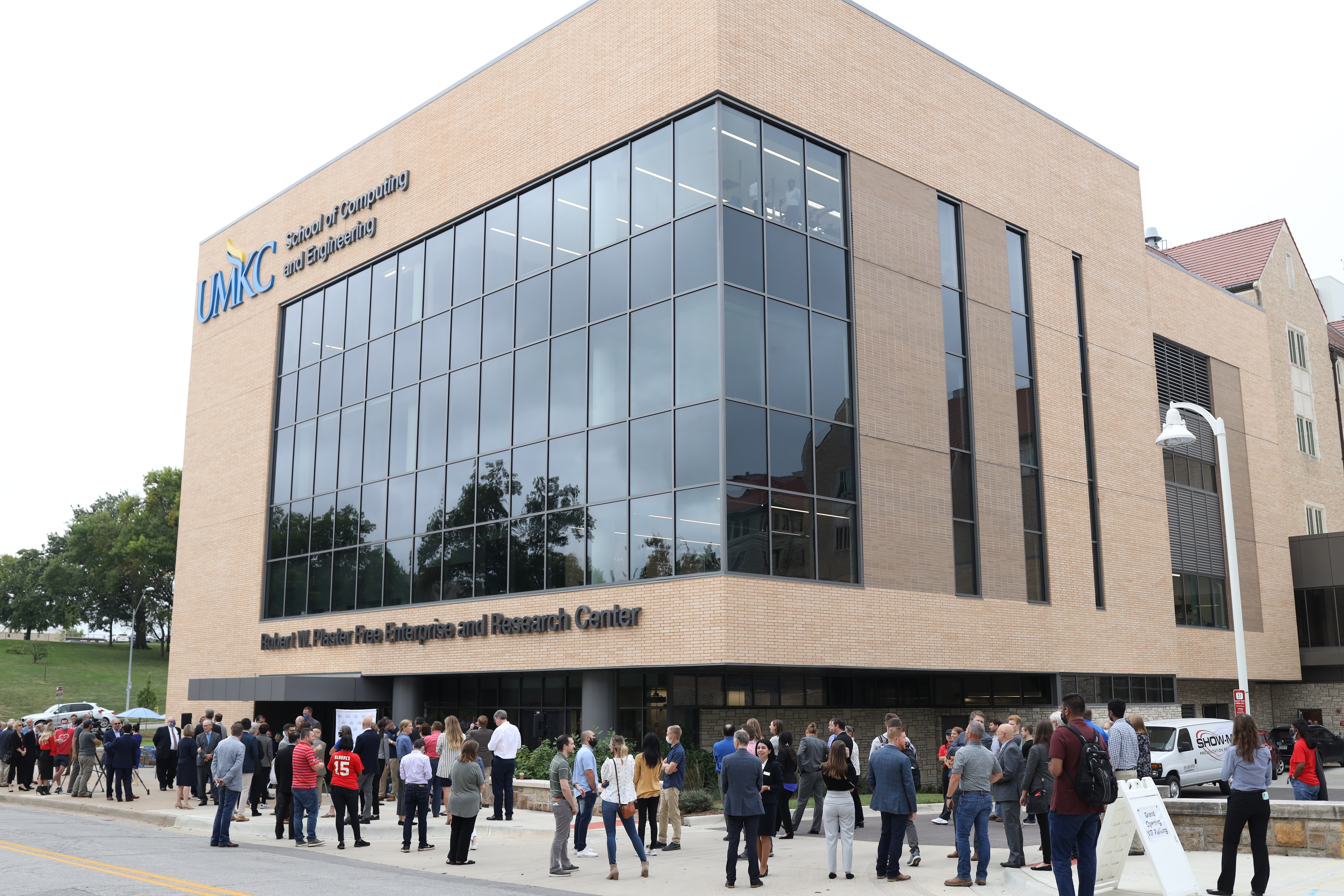
Mentoring is key piece of student’s research
Marouf Khan (MS ’13) came to UMKC to pursue his graduate degree at the School of Science and Engineering because he sought a career in the semiconductor industry and the program was a great fit. Khan had taken classes with Masud Chowdhury, Ph.D. and felt he would be an excellent doctoral advisor.
Khan was intrigued by one of the professor’s research projects. Chowdhury is working on improving the construction of transistors that are used in all computing devices. His goal is to improve speed, and to do that with as little energy as possible in order for the battery to run longer.
“If we could use our cell phones for three to four days without charging that would be ideal, but the current silicone-based conventional transistors have limitations on energy efficiency,” Chowdhury says. “So, we are exploring ideas about new materials and new technologies that can help us make the gradual transition to a new technology platform.”
Marouf Khan
Khan’s research is focused on the design of low-power-management integrated circuits (PMIC.) These are used in battery-powered devices like cell phones and applications where efficient power generation and consumption is essential.
“My work mostly involves coming up with new circuit architectures, which are compact and provide savings over existing designs – in both area and power consumption,” Khan says.
The efficiency and compactness are critical to device advancement.
“PMICs are more and more important in the expanding connected world,” Khan says. “They are operating in the low power domain that is an essential component of Internet of Things (IoT) devices that are connected to the ‘edge’ of the cloud.”
Khan says Chowdhury respects his autonomy in his research – he does not need to be involved in Khan’s day-to-day activities – but he can rely on Chowdhury for support and guidance when he needs it.
“Mentors can sometimes range between two extremes -- being too involved in a project where they drive the research, or they provide very little support to their students. Professor Chowdhury consistently strikes the right balance so that my research work is independently run by me, but he is always there to lend his knowledge, financial and emotional support when required.”
Khan thinks having a mentor is one of the most important choices a student can make.
Masud Chowdhury, Ph.D.
“The right advisor or mentor can make school a fun and enriching experience. It always helps to narrow down advisors based on your field, but it’s also smart to further the filter to include a potential advisor’s body of work and success in the field.”
The relationship is not purely academic.
“More importantly, he is also available to provide emotional support and advice at a human level to the challenges his students face beyond just academic ones,” Khan says.
He feels fortunate to have Chowdhury as a resource and ally. He notes that students should choose a mentor carefully, as they will be part of their lives for four to five years.
“The choice of mentor or advisor is the most important one a doctoral student can make. The right advisor can make graduate school a fun and enriching experience.”
Aug 01, 2022
The School of Medicine Dean weighed in on parechovirus
The CDC shows that multiple health systems are reporting a potential increase in serious cases of parechovirus. While many kids experience mild symptoms, babies younger than three months old may develop severe symptoms.
UMKC School of Medicine Dean Mary Anne Jackson, M.D. spoke with CBS News about the virus and what parents should know. Read more
Jul 28, 2022
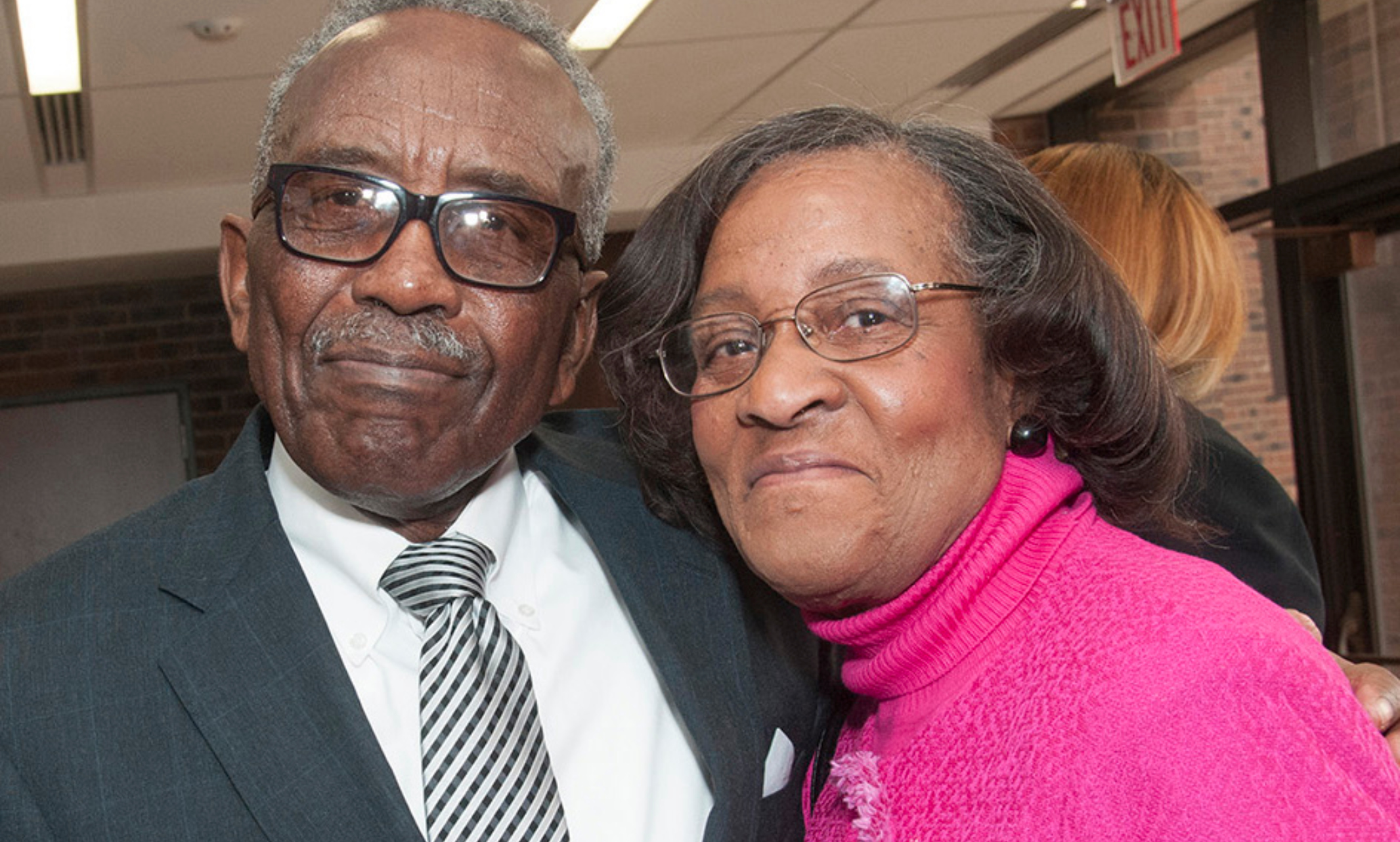
School of Medicine’s first associate dean for minority affairs
Reaner Shannon, Ph.D. (M.A. ’78, Ph.D. ’83), part of the UMKC School of Medicine for 34 years, died July 13 at the age of 85.
Shannon began her career at the school as the main research lab technologist. In 1990, she left the lab to become director of the minority affairs office at the school, becoming the school’s first associate dean for minority affairs in 1998, a post she held until she retired in 2008. That year, she was presented the Bill French Alumni Service Award.
Shannon and her husband, Henry Shannon, established the Dr. Reaner and Mr. Henry Shannon Lectureship in Minority Health in 2006. Speakers of local and national interest have presented the lecture each February since in conjunction with Black History Month, focusing on timely topics that impact underserved and minority communities.
Mike Weaver, M.D., ’77, a member of the UMKC School of Medicine’s first graduating class to complete the school’s six-year program, delivered the 2022 lecture.
"Reaner Shannon was an insightful, compassionate, and tireless advocate for URiM (Underrepresented in Medicine) students, who was well ahead of her time. Long before it was common to talk about health equity, Dr. Shannon recognized that the lack of attention to minority health was creating an ongoing healthcare disparities crisis. She raised awareness on these issues and encouraged the School of Medicine to bring these topics to medical education," Weaver said. "The Dr. Reaner and Mr. Henry Shannon Endowed Lectureship in Minority Health is a testament to that vision and her intention to ensure that medical students at UMKC would forever have access to thought leaders in this area."
"She recognized that URiM students experience unique challenges in medical school, and she was a mentor who helped hundreds of students mitigate those challenges and successfully graduate," he continued. "I am very grateful that I was one of those students when I met her back in 1973. She helped me navigate some difficult situations, was affirming, and always had an open door and a warm smile."
Shannon established the UMKC School of Medicine Diversity, Equity, and Inclusion Council in 2001 to promote a diverse, nondiscriminatory learning and working environment for the school. It was charged with promoting cultural competency, awareness, inclusion, respect and equity through education, training, programing and advancement. The Council hosts a Diversity Symposium bringing together all departments across the School of Medicine to create goals and recognize existing efforts towards more diverse, equitable, and inclusive environments and work execution.
Shannon also launched Saturday Academy, a free program designed to spark interest in and help prepare young people for potential careers in health care. The program provides students in grades six through 12 with two and a half hours of classes that focus on math and science as well as ACT prep.
2022 class of Summer Scholars view an intubation demonstration.
She started a similar program, Summer Scholars, that invites minority and disadvantaged students in the Kansas City metropolitan area to take part in a two-week session each July. They receive daily instruction in academic areas such as chemistry and language arts, and study anatomy and physiology in the school’s cadaver lab. Summer Scholars has grown from a single two-week experience for local underserved high school students that Shannon began more than 40 years ago to four different programs provided for high school and undergraduate college students.
“I’d like to think I made an impact in the lives of those students who, in some cases, might not have known that studying medicine was even an option,” she said when presented with the Bill French award. “It was important for me to build in the lives of young people, to help them in any way that I could to succeed.”
Shannon also served on the board of directors for the Black Health Care Coalition and the Edgar Snow Foundation.
Jul 27, 2022
Former faculty member at University of Tennessee served as associate dean for equity and inclusion in the College of Social Work there.
J. Camille Hall, Ph.D., LCSW, has been appointed as the new vice chancellor for diversity and inclusion at UMKC. She will begin work here Aug. 22.
Hall comes to UMKC from the University of Tennessee-Knoxville, where she has served as a tenured professor and associate dean for equity and inclusion in the College of Social Work. Her research focuses on risk and resilience among Black Americans and multicultural competence. Her more than 25 years of administrative and clinical social work experience includes private practice and service as a clinical social work officer in the United States Army Reserve.
“I am excited to become a part of the campus and Kansas City communities and am honored to be selected to lead our inclusion and diversity efforts,” Hall said. “I am impressed by the depth of expertise, commitment and community engagement shown by UMKC stakeholders towards inclusive excellence. My goal is to foster a community-developed vision for inclusion and diversity that ensures all members of the UMKC community can bring their authentic selves to campus every day. I will work to build strong relationships based on trust, honesty and transparency to advance this important work.”
J.Camille Hall
Hall received bachelor’s and master’s degrees in Social Work from New Mexico State University, Las Cruces; and a Ph.D. from Smith College, Northampton, Massachusetts. She is a 2011 Higher Education Resource Services Women's Leadership Institute alumna and a member of the National Coalition of 100 Black Women.
“As vice chancellor, Dr. Hall will play a vitally important role in the UMKC leadership team,” said Chancellor Mauli Agrawal. “She will guide the work we all share in maintaining and enhancing the commitment to diversity, equity and inclusion that is thoroughly woven into the fabric of our university community.”
The UMKC commitment to diversity and inclusion is featured prominently in the university’s Mission Statement and Statement of Values, and is one of five pillars in the UMKC Strategic Plan. The UMKC Division of Diversity and Inclusion promotes diversity and inclusion as a critical factor for student, staff and faculty success, and provides leadership and guidance to campus-wide efforts to ensure that commitment continues to be an important driver of excellence in higher education.
The division guides the work of multiple campus initiatives, including the Chancellor’s Diversity Council, the Diversity Advocates program and the Faculty Diversity Dialogues series. The division also sponsors multiple community engagement programs such as the Critical Conversations series, the Martin Luther King Jr., Pride and César Chávez lectures, and the Women of Color Leadership Conference.
Jul 25, 2022
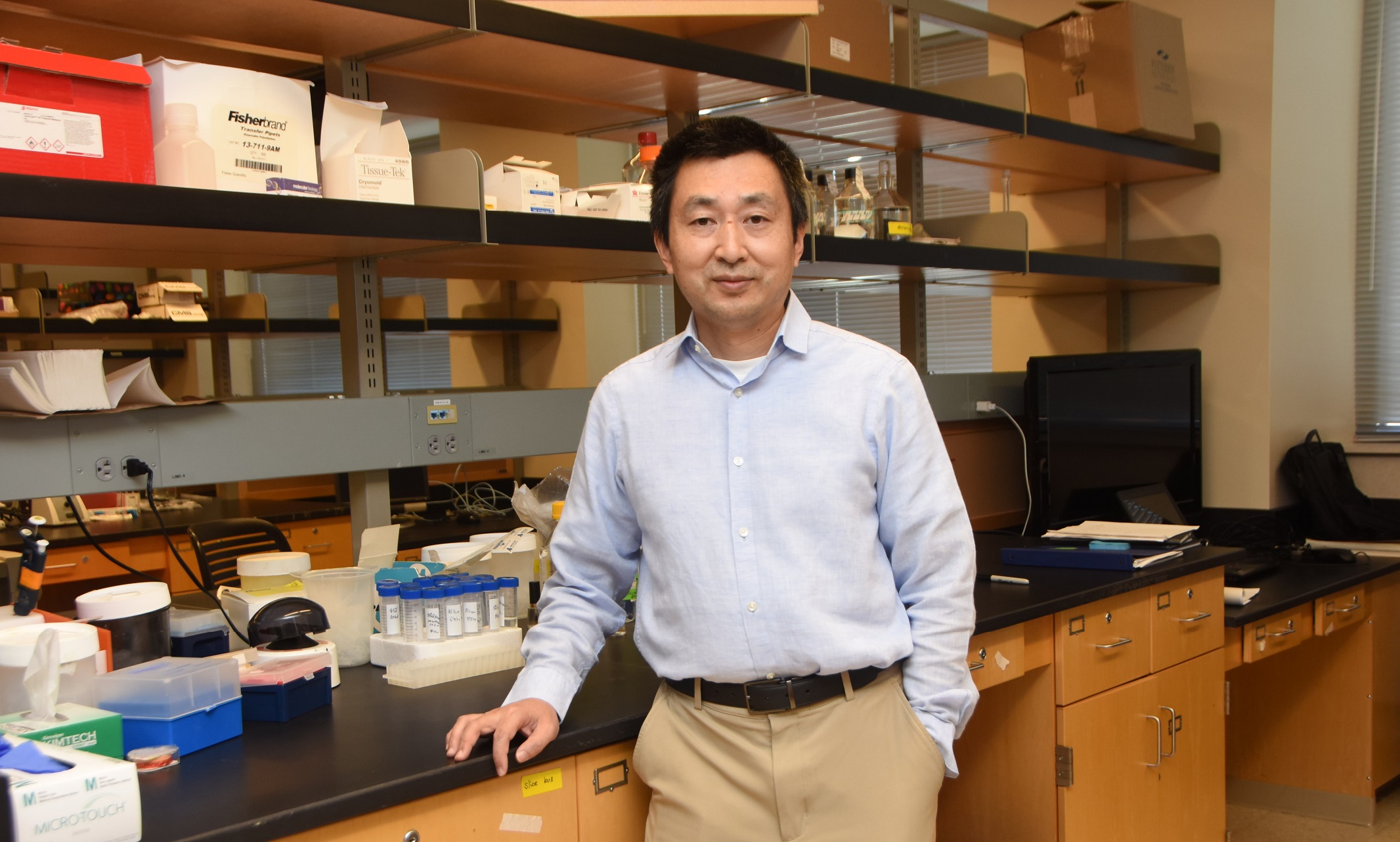
The grant funds research that could help develop better treatment for stroke recovery
Xiangming Zha, Ph.D., School of Pharmacy, received a five-year grant from the National Institutes of Health to study how part of the brain is affected during a stroke.
Zha will study how the GPR4 protein affects the blood-brain barrier during a stroke. The blood-brain barrier is a structure that regulates movement of nutrients and signals between the bloodstream and brain. Understanding how to protect this barrier may help us develop better therapeutic treatments for people recovering from strokes.
The grant, which is funded through the National Institute of Neurological Disorders and Stroke, includes $387,295 for the first year and a total of $1.94 million over five years.
“This NIH grant ensures support for this lab and our research for the next five years,” said Zha. “I am thankful for this team of collaborators and students; the research they are doing is important to help better understand the brain and improve outcomes in stroke patients.”
Zha has been researching the brain for years and has several projects in process at UMKC. School of Pharmacy faculty William Guthiel, Ph.D., and School of Medicine faculty Xiangping Chu, Ph.D., are collaborating on this research and will continue to do so, along with postdoctoral fellow and graduate students.
The National Institutes of Health, a federal medical research agency, is the largest public funder of biomedical research in the world. The organization invests more than $32 billion annually to reduce illness and disability and improve quality of life.
Jul 20, 2022
Local startup company hires multiple grads from UMKC’s Enactus program
Andrea Savage (B.B.A. ’19), Chad Feather (B.B.A. ’17), Brad New (B.A. ’13) and senior Riddhi Sharma all became involved in Enactus during their time at UMKC, and it led them to another common experience. They all now work for Daupler, a Kansas City-based startup company that uses intuitive technology to streamline internal and external communication for public utilities.
Working in a startup means frequently drawing upon knowledge about a wide range of business disciplines and, at the same time, leveraging entrepreneurial skills. The “Bloch team” now at Daupler all agree that Enactus helped them prepare for the challenges and opportunities offered at a new venture.
“The ability to identify a need, dissect a problem and figure out the resources and people you need to get the job done is something that Enactus really thrives at,” said Feather, currently director of operations at Daupler.
“One of the biggest things I learned at Enactus was how important it is to take initiative,” said Savage, a project manager. “You never know what you’ll need to do at a startup, so you might as well be a jack-of-all-trades.”
“I’ve worked with people from different backgrounds and cultures,” said Sharma, a former Daupler marketing and sales intern. “I’ve worked with people and on projects I never would have if it weren’t for Enactus.”
Ben Williams, faculty advisor for Enactus, said the organization encourages students to engage with the full entrepreneurial process, from inception to execution.
“It gives students a tremendous opportunity to make a real, sustainable impact on the world while building skills across many disciplines,” Williams said.
Brad New, a senior client success specialist at Daupler, agrees Enactus instills valuable, transferable skills in its members.
“Enactus helps prepare you to problem solve with limited resources,” said New. “In a startup environment, you might have to ‘fail fast’ to determine if an idea works or not, so you can focus on what will help reach your goals.”
Savage was Daupler’s fifth hire. She learned of the company after receiving a message from CEO John Bertrand on LinkedIn.
“I thought it was spam,” said Savage. “I didn’t reply at all the first time he messaged me, but after the second time I realized it probably wasn’t spam and decided to talk with him.”
Savage was considering the job when she heard from Feather, her former Enactus teammate. He encouraged her to take the job.
“I had done some research on Daupler, so I knew they were a great organization,” said Feather. “I didn’t know at the time that I’d end up joining the company nine months later.”
“I’m still close friends with a lot of my friends from Enactus, and occasionally we work on projects together,” Feather added. “It’s a great network beyond college.”
Jul 20, 2022
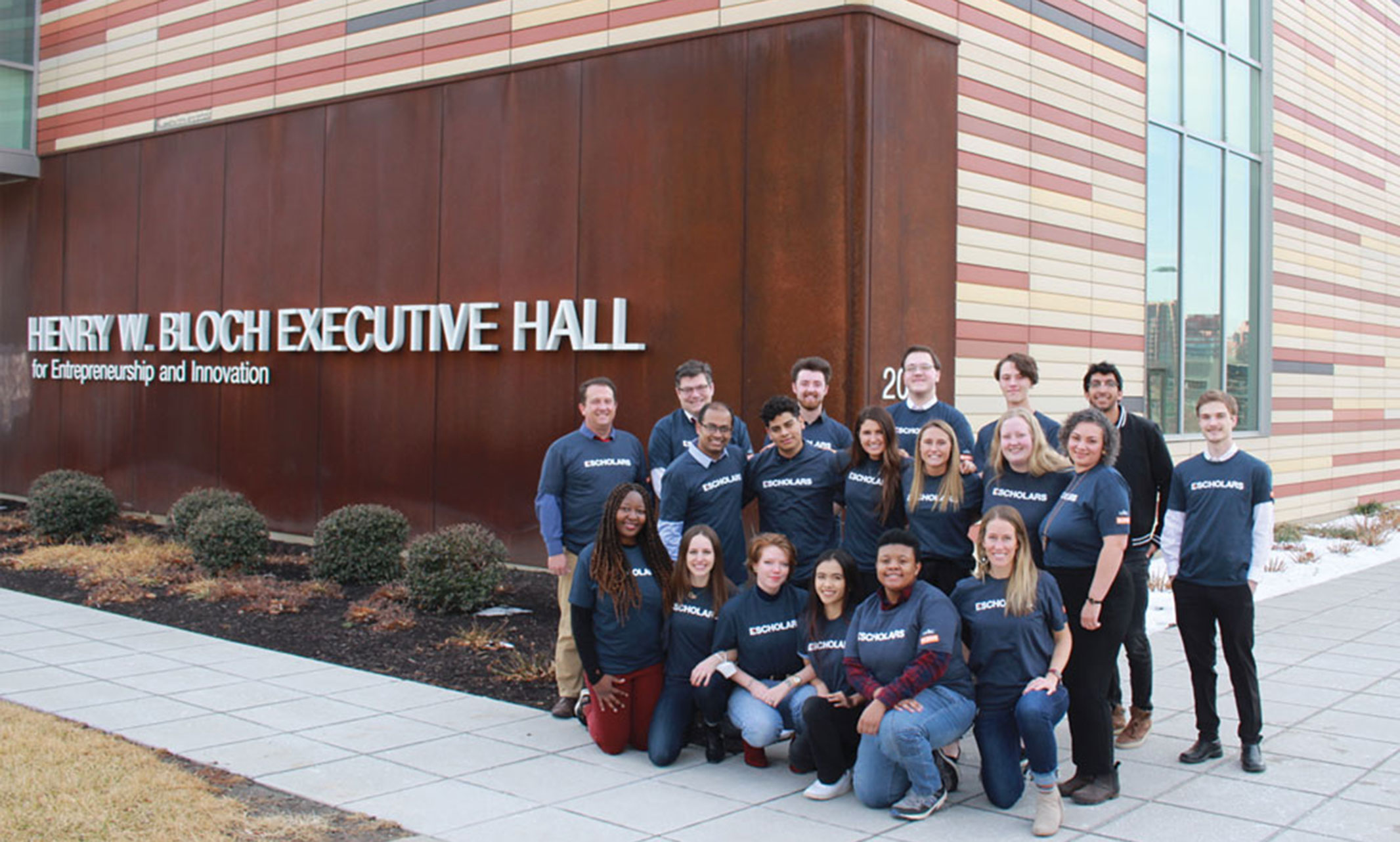
Program takes early-stage ventures from idea to business plan
The Bloch School’s Entrepreneurship Scholars, or E-Scholars, program has crossed a milestone, now helping more than 300 startup ventures find their footing in the business world.
“The research on how to help startups develop themselves suggests that startups should be treated like scientific experiments,” says Alex Matlack, director of the E-Scholars program. “We don’t tell them to go on their gut. We treat the company like an experiment, which allows them to be open about being wrong about their idea in some ways.”
The scientific approach was well-suited for A.J. Mellot, Ph.D., and his business partner Heather Decker, who went through the program in 2019.
“Heather and I are both scientists by trade, and the E-Scholars program really helped us get aligned with the business side of the things. When we started talking to partners and investors, we had the vocabulary to do so,” Mellot says. “Had we not gone through E-Scholars, I don’t think we could have done that.”
E-Scholars focuses on early-stage business ventures. Most participants begin the program in the idea stage, seeking to build their dreams into a business plan. In some cases, however, they have already launched their companies and are looking to create a plan for systemic growth.
The program supports ventures from all industries and technology types. Since its launch in 2011, E-Scholars has supported businesses developing mobile apps, enterprise software and medical devices, consulting businesses, retail, restaurants, fashion, nonprofits and education.
Participants spend the first months of the program testing their business hypothesis through customer interviews, product testing and prototyping. Following that, participants take part in “mentorship madness.” Matlack says to think of it like speed-dating for business relationships.
“We have them meet with 10 mentors and basically have the same conversation every 15 minutes. By the end of the day, you can already see their confidence growing. That’s when the fun really starts,” says Matlack.
With the help of the program, Mellot and Decker expanded and fleshed out their bioscience company, Ronawk, which has developed a technology to allow for rapid cell growth to be used for tissue and organ transfers. The company’s goal is to expand a patient’s healthy cells to engineer organoids, or grafts, that can be used in lifesaving surgeries.
“This program allowed us the opportunity to meet with so many other local businesses that were just starting, and we got to know a lot of peers and were able to support them from the beginning,” Mellot says. “Everyone in the class was supporting each other, and we have so many dear friends that we continue to champion.”
Since graduating from the program, Mellot says Ronawk has grown from Decker and himself to seven employees, with a likelihood of further expansion.
“We’ve grown our revenue every year. We’ve really started to see a lot of attention,” Mellot said. “We are engaged with over 70 companies that are either trying our products or piloting them.”
Jul 20, 2022
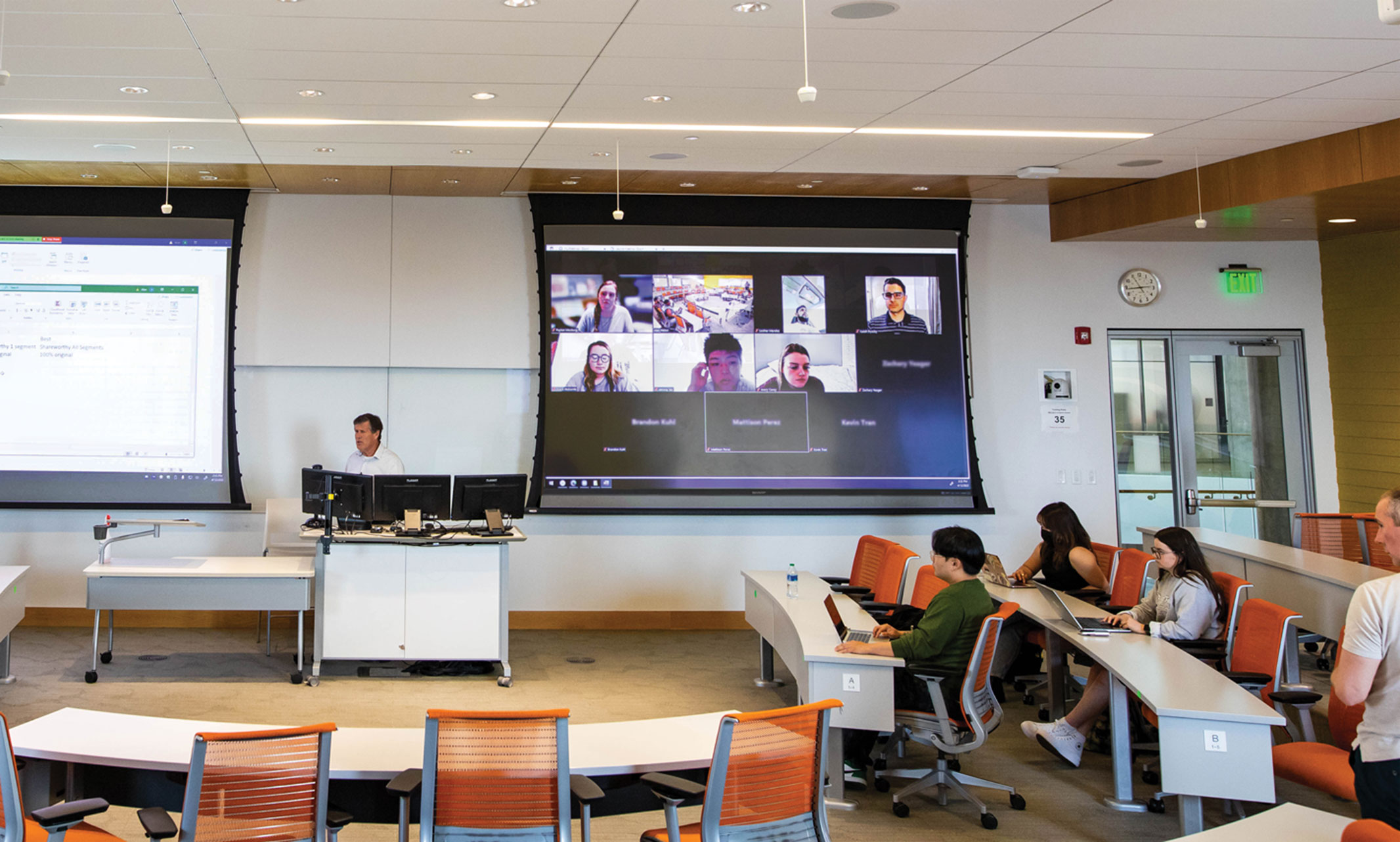
With RooFlex classrooms, Bloch is adapting to meet students’ evolving needs.
On Tuesday afternoons, when Alan Weber walks into Bloch Executive Hall to teach a 2:30 p.m. marketing class, he’s never sure where his students will be. They might be sitting in the classroom in front of him; perhaps they’ll be on a screen as they dial in through Zoom; most likely, he’ll have a mix of both.
Weber, an assistant teaching professor in the Bloch School, gives his undergraduate and graduate students a choice for each class: come in person or come online.
“It doesn’t matter, really,” Weber said. “I can see their face on the screen, and we can go back and forth with them and the students who come in person.”
This hybrid model — offering classes simultaneously online and in-person—is gaining traction at a number of prominent business schools, including at Bloch. The hybrid model allows the school to better serve students who need additional flexibility to complete their degree while managing other responsibilities at work and at home.
The school’s Bloch Executive Hall contains two “RooFlex” classrooms, equipped with more than $100,000 worth of technology — multiple microphones, cameras and monitors — designed to fully integrate online students with their in-person peers. These classrooms were designed and launched early during the pandemic and offered many benefits for students and faculty over the last few years. Further, the introduction of these classrooms provided an opportunity for the school to learn how best to deploy and use this new technology and this new classroom design.
As the Bloch School was experimenting with these new classrooms in Bloch Executive Hall, it also was working to renovate and redesign Bloch Heritage Hall. Heritage Hall was closed in 2020 for an extensive renovation project, one that was very much informed by what was being learned with the new hybrid technology being used in Bloch Executive Hall. When Bloch Heritage Hall reopens in July 2022, it also will feature this same type of hybrid classroom technology in a number of key locations within the building.
So when students return to a redesigned Bloch Heritage Hall in the fall, they will have a very different experience. In part, that new experience will be the result of a renovation that will feature a hub for student and career services, a new student commons, redesigned outdoor space for gathering and engagement and enhanced space for individual and group study. And in part, that new experience will be the result of new classroom designs and new hybrid instructional technology designed to encourage student success and engagement.
“The way that people work in general, and the different obligations on their time, meant that flexibility was something students were looking for,” Ward said. “That might mean time — do classwork on your own time. Or it could mean place — you don’t have to be on campus all the time to attend class.”
Since the pandemic, that flexibility is practically a requirement for students.
A 2019 Bloch School strategic plan anticipated offering 50 hybrid or online courses in 2022, 75 in 2024 and 150 by 2029. When the pandemic sent everyone into lockdown, the demand for online courses skyrocketed. This year, the school offers 230 sections online or as hybrid classes, so students can choose if they want to come to campus or log in from home or the office.
Executive MBA student Tracy Allen said returning to college wouldn’t have been possible without the flexibility the Bloch School offered. Allen, the founder and CEO of Brewed Behavior, a coffee consultancy based in Kansas City, had a busy career and two teenagers. Pursuing his MBA without the ability to dial in some of the time, Allen said, “would have been tough.”
“I did (class) last weekend on a cruise ship off the coast of Mexico. I’ve done it in three or four Latin American countries,” Allen said. “With my kids here, it’s nice to be home on Saturdays and still do class.”
At the same time, he has felt it was important to go to campus and interact with his fellow students sometimes, too. Having both options, he said, was key to making the program work for him.
Allen is not alone, especially among the Bloch School’s executive and professional MBA students who pursue their graduate degrees while managing a career and, in many cases, family life.
Brian Anderson, executive associate dean and associate professor of entrepreneurship, said prior to the pandemic, graduate students preferred online to on-campus instruction about 60% to 40%. Today, he said, it’s more like 85% to 15%.
“I think it is safe to say that students’ desire for flexibility will be a key consideration for schools over the next decade,” Anderson said.
Questions about what that flexibility will look like long-term are still being answered. In the early days of the pandemic, the Bloch School asked students if they wanted to return to campus. But that turned out to be the wrong question, Anderson said.
“The right question was not, ‘Do you want to come?’ The right question was, ‘How do you want to engage with your courses?’ ”
And the answer, Anderson said, was, “It depends.”
“Students want flexibility,” he said. “They want to be able to choose. Sometimes that choice is, ‘This semester, I have a really neat internship, and it’s going to take a lot of time and fixed hours, so I’d like to be online this semester. But next semester, I’d like to be on campus.’ ”
On the other hand, students might feel more comfortable meeting in person when certain courses or subjects are more challenging. Or they might want a chance to network and meet their peers.
Bloch School officials acknowledge that meeting this need for flexibility is a juggling act. It’s not as simple as flipping on some cameras and microphones. The evolution to online or hybrid course formats calls for not only changes in physical classrooms and faculty training, but also new approaches to how courses are structured and taught.
The Bloch School is working to tackle the changing landscape on a course-by-course basis. While more courses now have a remote option, Anderson said those options are dependent on the course content and available classrooms.
Not every course has the complete flexibility Weber’s marketing class offers, where students can choose for themselves how they want to engage each class period. Professors might ask students to choose if they’d like to be in person or remote and require that they stick to that option for the entire semester. Others may give students a limited number of times each semester they can dial in. Still other courses — like those requiring a lot of small-group work — may not have a remote option at all.
“It’s really created a far more challenging planning puzzle, but also one that really allows us to think about what the best way is to deliver this course for our students and what their expectations are,” Anderson said. “It’s a student-centric approach.”
One consideration is how much physical space is necessary. An even bigger one, however, is what that space should look like. While some courses benefit from many small breakout areas where students can gather to do group work, others work better as one central room.
Ward said the renovated Heritage Hall is designed to meet these many different needs. At least two RooFlex classrooms will be up and running when the building reopens, and other classrooms already have the wiring and infrastructure ready to add remote technology when the time is right. Ward said the expense — more than $100,000 per classroom — and the quickly evolving technology available for remote learning, mean those investments will be made conservatively.
“We’re constantly looking at newer technology to do this — just to upgrade the way that it works, making it easier for the students,” Ward said. “When you build an old-fashioned classroom — walls, windows, doors, desks — that works for a very long time. But outfitting one of these rooms doesn’t mean you’re not going to have to spend more (on upgrades) in couple of years.”
Bloch School officials point out remote learning technology is also bringing new changes and improvements in how instructors engage their students.
For example, a professor teaching in a RooFlex classroom could bring together subject matter experts from all over the country to speak to their students. Digital connections also allow for easy collaboration among students working together on problems or case studies. In his case, Weber said, the technology has made him completely reimagine how he taught his marketing classes.
Before adopting a hybrid model, Weber said he spent 90% of class time delivering a lecture — one he delivered to each section he taught. Now he records the lecture, asks students to watch it as homework, and uses class time to more directly engage with students.
“Before, I lectured twice a week and didn’t get much back and forth,” Weber said. “Now, class is nothing but engagement. It’s much more valuable to have face-to-face and one-on-one discussions.”
Importantly, officials say, the investments being made now to allow distance learning also give students a valuable lesson in the kinds of remote communication methods they will inevitably encounter in the business world.
“We’re preparing students to be successful in what is a very rapidly changing technology business environment,” Anderson said. “It’s incumbent upon us to make those investments and be innovative with our courses and how we use technology to be sure we’re delivering the value we need to.”
Jul 20, 2022
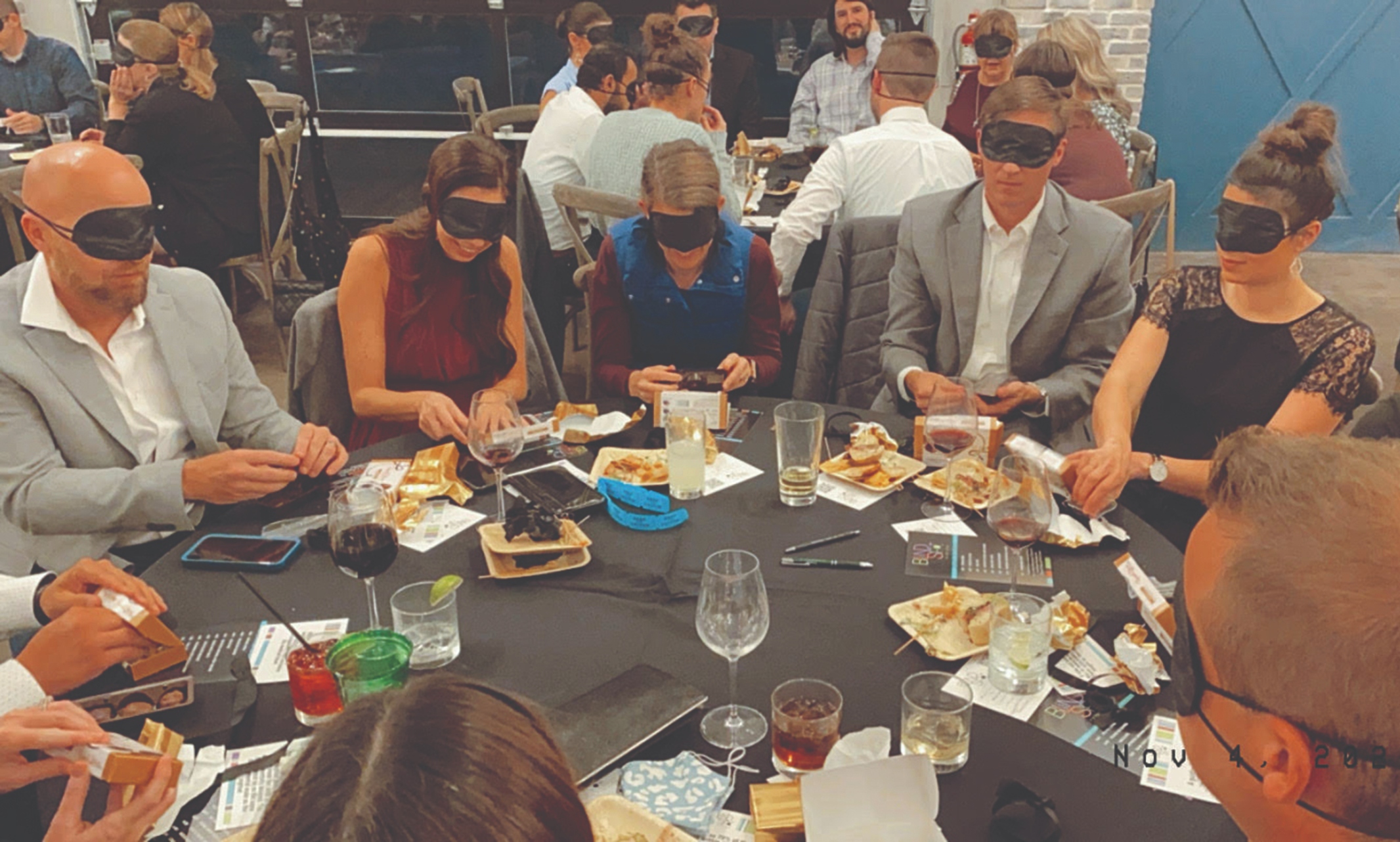
Chris and Nicole Carr are hoping to raise awareness and support for the blind community
It was a long 18 months for Chris and Nicole Carr, as they waited to learn exactly how much vision their third child, Mac, would have.
Diagnosed with optic nerve hypoplasia — a disorder that can range from partial to complete blindness — Mac was born without the ability to see, something his parents discovered through his unusual eye movements and the way Mac reacted when someone would pick him up as a newborn.
Nicole Carr (B.S.N. ’06) had three degrees in nursing, but she was unfamiliar with the diagnosis. Chris Carr (B.L.A. ’08, MBA ’17) shared in her concern as they waited to learn the severity of Mac’s ailment. In this case, Mac was lacking almost all of the nerve cells required for sight.
Chris had never met a blind person; Nicole had only once, at a nursing home when she was 16. Regardless, they met the unexpected challenge head-on. In the process, they not only helped their son, but found ways to aid the blind community through Blind Spot, the nonprofit they created together. After Mac’s diagnosis, Chris and Nicole got involved with Kansas City’s Children’s Center for the Visually Impaired. Mac began working with specialists. In the meantime, Chris and Nicole searched for community resources that could help them parent Mac.
“That’s when we kind of realized there isn’t a whole lot,” Chris said. “You’re visually impaired; you go one of two routes. You either take the school for the blind route, or you go the route of full, regular-world integration. That’s the way we went.”
Chris and Nicole wanted to do something for CCVI and asked about a gala-type fundraiser they could help with. Upon learning there wasn’t one, they decided to start their own. Chris leaned on his network— including his connections at the Bloch School — and the Carrs secured a deal from The Monarch Bar and Lounge on the Plaza to host an event. Chris and Nicole raised more than $40,000 for CCVI. They held the event again the next year and raised nearly $150,000.
Then came the idea for Blind Spot — which Chris credits Nicole as the brains behind. The nonprofit aims to help the visually impaired reach their highest potential and to teach sighted individuals how to be good allies to the blind.
Chris remains active in the UMKC community, serving on the Bloch Alumni Board and mentoring current students. His networking and business knowledge also help him manage the organization, securing federal identification and handling the financial aspects.
“He gives a very compelling speech, too,” Nicole added. “Blind Spot would not exist [without] the work he has put in. ... I have these crazy ideas. He’s kind of amazing how he’ll never sell me short, and he’ll never shut me down.” The Carrs held a launch event for Blind Spot on Nov. 4, 2021. They kept the event simple, aiming to build empathy with sighted members of the community by showing them what it’s like to not be able to see.
“At the launch event, we provided an opportunity for those in attendance to become a little bit vulnerable through an immersion experience,” Chris said. “The mission of Blind Spot and specifically the launch event was to enlighten the Kansas City community to how life for someone who is blind is different. Since blindness as an exclusive diagnosis is rare, there isn’t a lot of awareness with the general population on the abilities of the blind or how to become a good friend to the blind.”
Hands-on learning experiences continue to be a focus of Blind Spot.
At another recent event, attendees sat in a restaurant and experienced a meal while blindfolded. One of the challenges Nicole recalled was simply having difficulty hearing the person in front of her.
“It’s pretty amazing how your vision can help localize your hearing,” Nicole said. “I never knew that, and it really helped me understand why Mac struggles so much when he goes to birthday parties.”
Looking Ahead
Mac turned 5 in March and starts kindergarten in the fall. The Carrs’ plan has always been to help Mac be as independent as possible. Chris and Nicole have even had some support from Mac’s sisters, Nora and Aubrey, in helping him adapt to everyday life.
In fact, Nicole started to believe things would be OK while watching Nora and Aubrey guide Mac through daily activities.
“It was so simple and easy when they were articulating exactly what Mac needed to do in just the simplest way,” Nicole said. “It was so natural to them.”
The Carrs are also thinking about the future of Blind Spot. The nonprofit has partnered with the RoKC climbing gym and is planning an event with AMC Theatres where participants will experience a movie through a headset, among other events to come. A special moment, however, continues to be the first dinner, after all the guests removed their blindfolds and looked around.
“It sounds cliché,” Chris said, “but the eye-opening experience that it brings is just astounding when you do something like that.”
Jul 20, 2022
Alumni support Bloch scholarships to further opportunity for student success
Henry Bloch demonstrated commitment to building a stronger Kansas City through his support of education and future generations of entrepreneurs. Following the example of the Bloch School’s namesake, several successful Bloch alumni are now paying it forward, providing opportunities to students who follow in their footsteps.
Cory Smith (M.P.A. ’77) had worked at Black & Veatch in Kansas City for four years when he decided to pursue his master’s in public administration.
“The experience was a reawakening,” Smith says. “My organizational behavior class with Dick Heimovics, Theory of Communication with Tom Miller and so many other great instructors opened my eyes to a new world.”
Through these classes, Smith became more interested in national and local politics, economics and government, and ultimately the social issues and problems related to them.
“Ultimately, this led me to a career in city management,” said Smith.
Smith’s successful career started with an internship through the Kansas City Manager’s office. His wife, Marilyn (M.A. ’77), was a teacher and counselor in public schools, and together they became active in the community through the Mid-America Regional Council, Rotary Club and many local charities. The ability to give back and engage in the community has been both enlightening and inspiring for the couple. Their commitment to community involvement led to the establishment of a scholarship fund.
“We believe education should be for everyone who wants to learn and become future entrepreneurs, innovators and problem solvers, regardless of their financial ability,” Smith says. “We both came from working-class families who could not afford to pay for a college education for their children. Our scholarship fund is relatively small, but our hope is that over time it might help those students in need of financial support fulfill their dreams for lifelong careers — something we have been so fortunate to have done.”
Nate Hogan (MBA ’21) established a scholarship for students at the Bloch School following his election to the Kansas City Public School Board. Based on his personal experiences, the scholarship requirements do not include a minimum grade point average to apply.
“I want to help make schools that are designed to support kids who are like I was. I had no social or emotional support as a kid, and I started skipping school. No one would have given Nate Hogan a scholarship. I grew up in the Kansas City Public School district, and I know what it’s like not to be academically engaged. What I care the most about is that the student wants to go to school.”
These scholarships are instrumental in attracting students and helping them stay enrolled. Cassandra Queral (B.S. accounting ’22) chose the Bloch School because of its outstanding reputation and the opportunity to be surrounded with like-minded students. Her scholarship was essential to attending.
“I have supported myself financially since I was 18,” Queral says. “Receiving a scholarship provided extra incentive to dedicate myself completely to my studies; it boosted me beyond my own motivation. It allowed me to believe that someone outside of myself and my family saw capabilities in me. It allowed me to believe I had the potential to shoot for the stars with this experience.”
Cody Cook (B.S. accounting ’21) currently a financial analyst for T-Mobile, had a similar experience.
“Getting a scholarship allowed me to reduce my working hours and focus more on school and getting an education,” Cook says. “Growing up, my family didn’t have a lot of money. College was never an option for me. Without this funding, I wouldn’t have been able to get my degree.”
For more information on accelerating student success at the Henry W. Bloch School of Management, contact Matt McDonough, senior director of development, at 816-235-6623 or mmcdonough@umkcfoundation.org.
Jul 20, 2022
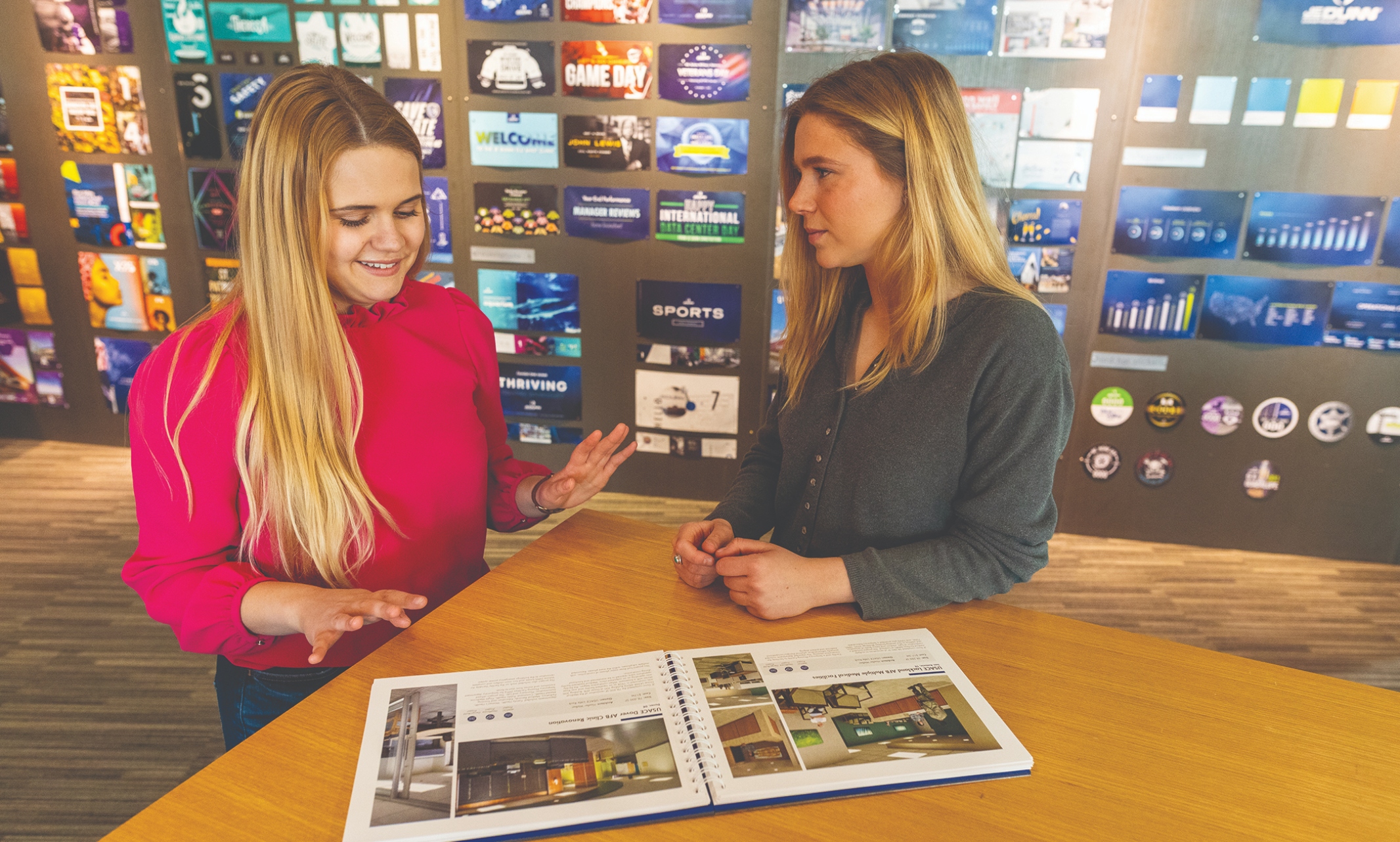
Program gives valuable insight into life after college
The Bloch School took its focus on mentoring opportunities to an exciting new level with the launch of a schoolwide mentoring program open to all students. This new initiative is designed to serve students from all walks of life, from first-generation college students to working professionals earning their MBA.
“Mentoring can be transformational with individuals across all industries and business functions, so it’s important that there are options for students interested in a variety of business areas,” said Ashley Nance, professional development manager for the Bloch School. “This program is also a fantastic way for alumni to give back to the university and pass along key lessons to future business leaders.”
The program launched as a pilot in Fall 2021, with 87 students and 68 mentors participating. The goals are to add 150 student matches each semester and create a pool of more than 500 mentors within the first year. The program uses a sophisticated algorithm through UMKC’s Roo Network alumni platform to match students and mentors, who then set up connections.
“Our mentors and mentees are encouraged to interact in whatever way it makes sense for them. A majority of pairs choose to communicate through phone, email, text or video chat, but some connect in person as well,” Nance said.
One of the initial matches paired student Elena Eckwall with mentor Sydney Manning, a marketing specialist at JE Dunn Construction.
“As a transfer student coming into UMKC, I wanted to get involved with a program that could help connect me to professionals in the Kansas City area,” Eckwall said. “Marketing is an area where the possibilities are endless, and I wanted to learn what it’s like navigating through this field right out of college.”
The algorithm matched Eckwall with a mentor who not only works in her field of study, but also shares other common interests and values.
“At our first meeting, it didn’t take long for me to feel comfortable with Sydney. I instantly felt that she was committed to developing the relationship,” Eckwall said. “She took the time to give thoughtful and meaningful answers to my questions. She also made it easy to bond and have fun in our meetings.”
When Manning first heard about the program, her immediate thought was “how much I wished I had this program when I was a student.”
“As a student, it was hard for me to see past college or what my life would look like in a few years. Everyone was so focused on what their dream job was or what their 10 year plan was, when I was still trying to figure out where I would be in six months,” Manning recalled. “Being able to offer my unique perspective as a young professional was very interesting to me.”
Eckwall derived significant value from the mentoring program.
“Learning about how Sydney navigated through college and onto work at JE Dunn helped me reflect on steps I need to take moving toward my future,” she said. “She taught me the value of networking and of taking opportunities when they arise.”
Mentor-mentee pairs are formally matched for four months, but manystudents and mentors have continued to meet beyond that period. The Bloch Mentoring Program is open to all, from early-career professionals to seasoned leaders.
Those interested can email Ashley Nance at amnance@umkc.edu for more information or sign up through the Roo Network alumni platform.
Jul 20, 2022
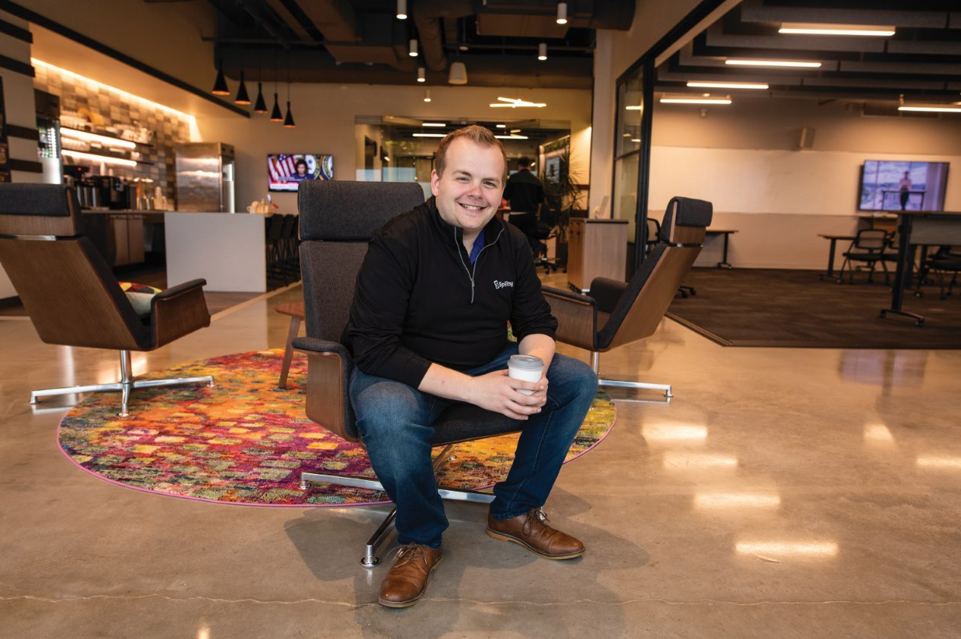
Brad Starnes hopes to make sharing bills easier, sparing friendships in the process
Student Entrepreneur of the Year Brad Starners's startup venture, Splitsy, began with a personal struggle.
Throughout college, Starnes recalls multiple occasions where sharing expenses with roommates and friends became problematic. Once on a summer trip, he covered dinner for 12 when the restaurant wouldn't split the bill. His friends paid him back, but it took weeks. After several years of trying multiple arrangements to share utility bills with roommates, his relationship with one of them became hopelessly strained.
"We actually spent two months where we weren't talking because of bills," recalls Starnes. "I almost lost a really good friend because of this problem."
He knew there had to be a better way. That's when he created Splitsy. Unlike existing payment apps, Splitsy allows roommates to be billed directly for their portion of the bills. It partners with 15,000 billers nationwide, including T-Mobile and Evergy. Each month, Splitsy collects each person's per-set portion and then pays the biller on the group's behalf.
In 2019, Starnes, a UMKC information and technology student at the time, enrolled in the Bloch E-Scholars program for credit. The Bloch School program supports entrepreneurs as they take their ideas from concepts to fully-fledged businesses.
Starnes graduated with his bachelor's degree in information technology in 2020. He had a job offer from health care company Centene Corp. in St. Louis, where he interned. However, he couldn't make peace with the idea of letting Splitsy sit idle.
"I was kind of getting irritated that I was not going to be doing what I wanted to do, which was Splitsy. At that point, I decided, 'I'm tired of this being an idea,'" said Starnes.
Starnes turned the offer down and enrolled in the Bloch MBA program. He focused his energy on growing Splitsy and finishing his MBA at an accelerated pace. By 2021, Splitsy had earned funding from Digital Sandbox KC and won the Regnier Venture Creation Challenge. Starnes was also honored as the 2021 Student Entrepreneur of the Year by the Bloch School.
While Starnes admits going to school full-time and building a startup at the same time can be challenging, it has its benefits.
"Every semester during my MBA, there were things I learned in my classes that I could directly apply to what we were doing with our team at Splitsy," Starnes said.
Of course, experience has been a teacher for Starnes, too. He has faced setbacks, including running out of cash and signing on with vendors at unmanageable terms. But now that he has overcome those barriers, Starnes is proud of what it has taught him.
"I'm just proud of all of the knowledge that I've gained so far and where we've gotten," Starnes said. "At this point, no matter if Splitsy works or not, I've gained the knowledge and expertise to prepare me for what's next."
Splitsy is actively growing its beta user base and raising funds for use for customer acquisition. Starnes plans to launch Splitsy on Google Play and the Apple Store in the coming months. He also hopes to add new features, like allowing users to split one-time costs.
As for the strained friendship that started it all, Starnes counts himself among the lucky ones.
"Thankfully, we're in a much better place now, actually much better than when we were roommates," he said. "Not everybody has the same opportunity to regain a friendship with a roommate that you almost lost."
After all, Starnes said, having close friends and family to share his successes with means the most.
"Not only was I being rewarded, so were family and friends who were supportive of me from the beginning," he said. "It was nice to be able to share that with the individuals who helped us for so long. Just to be able to say 'thank you.'"
Jul 20, 2022
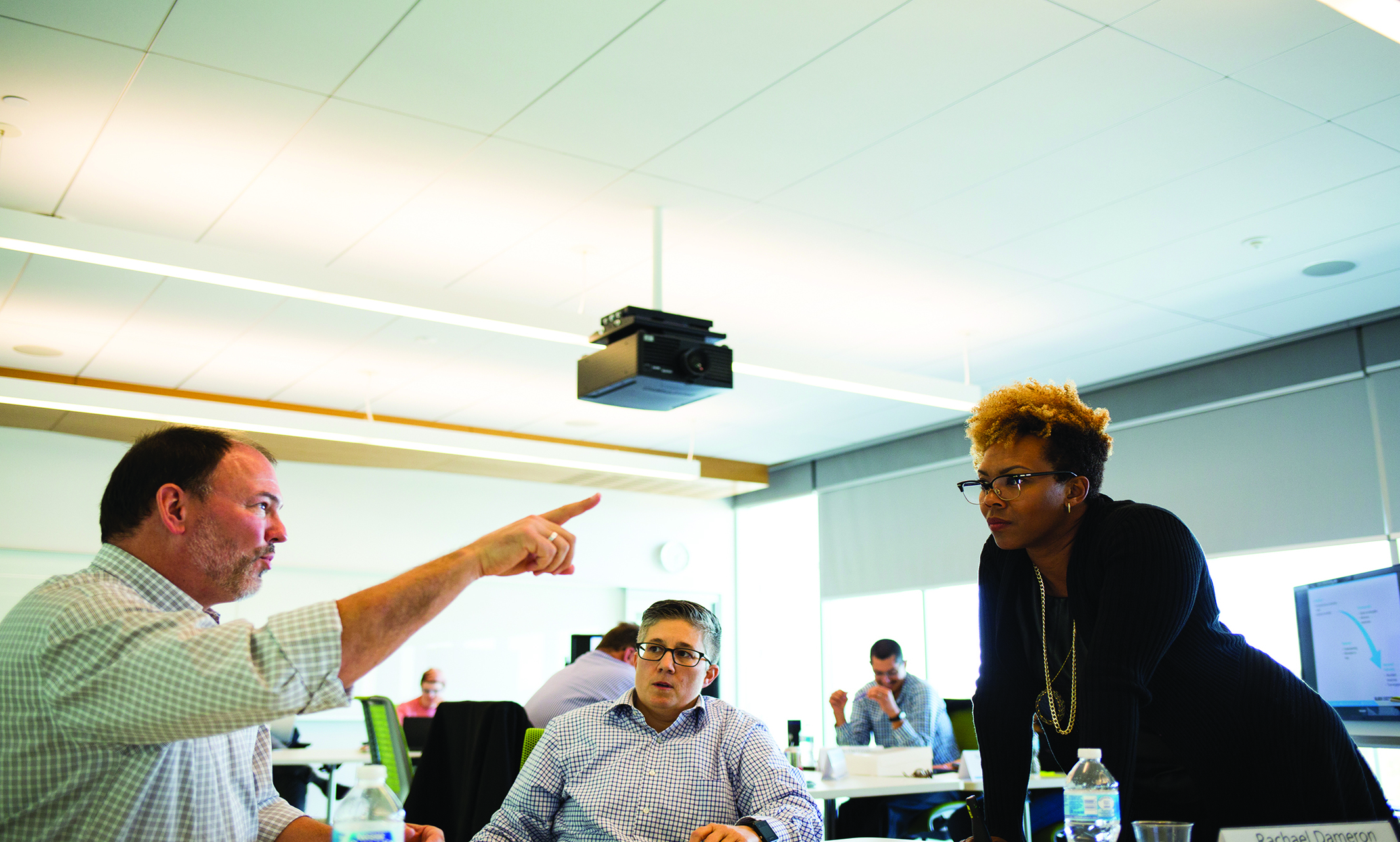
Flexibility puts students' needs first
For the third straight year, UMKC's Henry W. Bloch School of Management has topped the Kansas City Business Journal's ranking of enrollment in regional MBA programs.
The Bloch School had 429 students in Fall 2021, according to the list, with Rockhurst University's Helzberg School of Management (357 students) and Baker University's School of Professional and Graduate Studies (228 students) rounding out the top three.
A keen focus on meeting the needs of students and Kansas City-area employers helps the Bloch School outdraw its counterparts, said Dean Brian Klaas and Associate Dean Brian Anderson.
"We provide experiences that are very much focused on organizations in Kansas City," Klaas said. "And we are working to customize our program to really create stronger and stronger linkages with the industries that are here."
Those partnerships include major employers such as Burns & McDonnell, Cerner, Evergy and McCownGordon. Klass also noted "rich engagement" with startups through Bloch's Entrepreneurial Scholars program and work with entrepreneurs in underrepresented communities.
Flexible scheduling is a key way the Bloch School meets the needs of its MBA students, since many of them are pursuing their degrees while working. Students may switch between online and in-person classes, sometimes even week to week.
Significant investments in classroom technology facilitate this flexibility, including rooms specially designed to serve a hybrid audience. Screens in the front and back of the room integrate online participants with those attending in person.
Health and safety protocols necessitated by COVID-19 accelerated the move toward hybrid learning.
"Flexibility is something that has shifted from a desire to an expectation," Anderson said.
This fall, the school expects to create two Bloch Studio spaces that will give remote students "an even more immersive online experience," Anderson said. The rooms will have TV-studio-quality audio and lighting along with interactive whiteboards and multiple monitors.
"We are investing in Kansas City and being a talent development partner for the region," Anderson said. "I think creating programs, connections and opportunities for students to build their network in Kansas City has significant appeal to working professionals in the region."
Jul 20, 2022
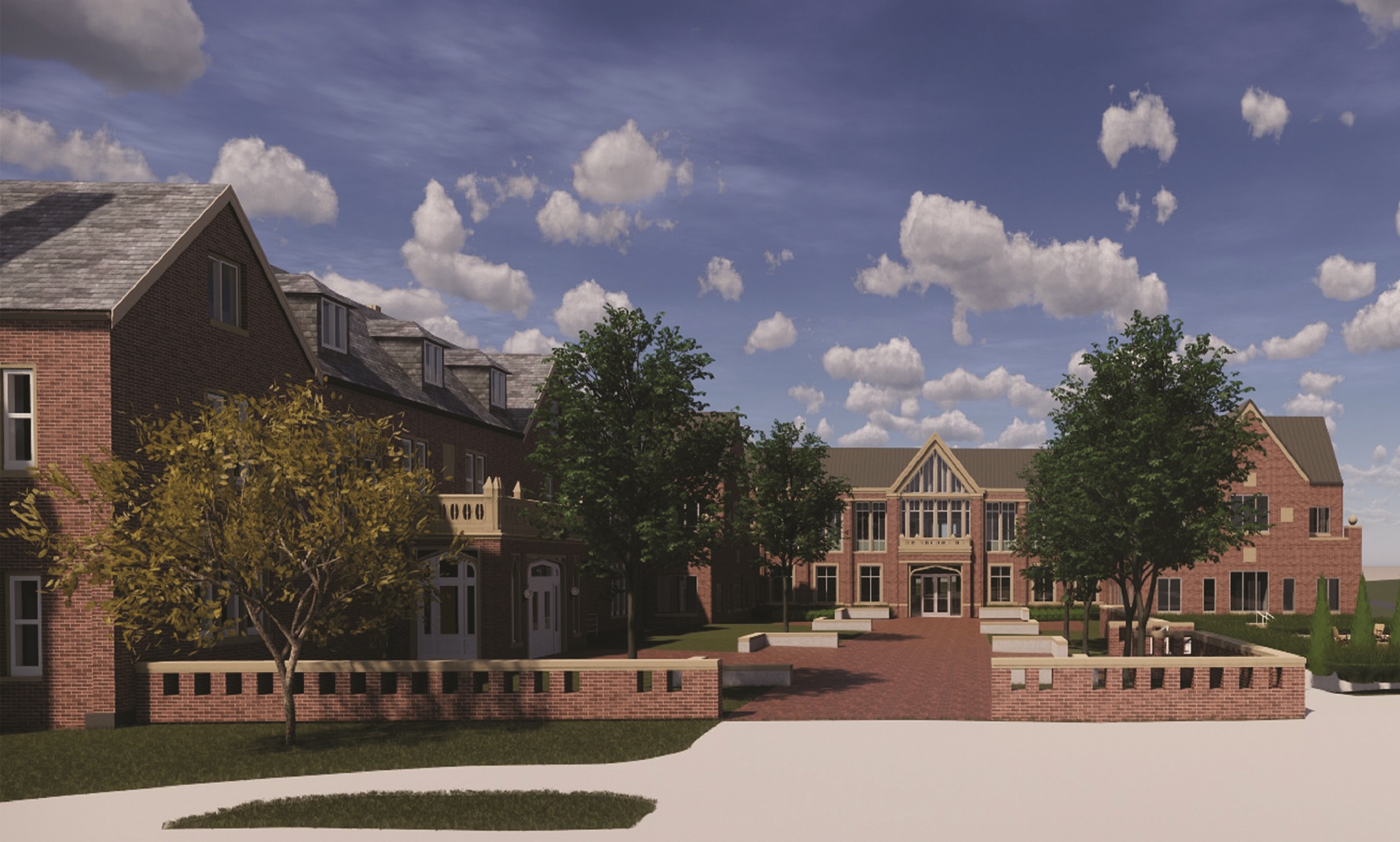
Special event also marks grand reopening of renovated Bloch Heritage Hall
A century after his birth in 1922, Henry Bloch continues to have a powerful impact on Kansas City’s entrepreneurial landscape and in shaping future generations of business leaders.
“Henry was a real presence at the Bloch School and remains a presence,” said Brian Klaas, Dean of the Henry W. Bloch School of Management. “I loved watching Henry with our students. He demonstrated such humility and kindness. He was so supportive and tried to give them a message that really would help them in life.”
This year, the Bloch School celebrates the 100th anniversary of Henry’s birth with yet another incredible milestone of his legacy, the grand reopening of Bloch Heritage Hall. The historic hall, located on UMKC’s Volker Campus, has been closed since early 2021 while undergoing a massive $17 million renovation. On July 30, the school will commemorate Henry’s 100th by unveiling their work and the new era of Bloch Heritage Hall.
“The grand reopening is a fitting way to honor Henry,” Associate Dean Sidne Ward said. “Like Henry himself, the redesign will be transformational. It will improve the student experience, enhance learning and student achievement, help students engage with the school and each other and launch their careers.”
Students, alumni, community partners, faculty and staff are all encouraged to join the celebration and tour the new facilities on Saturday, July 30, from 10 a.m.-12 p.m. The event is casual, family friendly, and as Henry would have wanted, there will be birthday cake, ice cream, food and activities for all ages.
The celebration will also feature special events throughout the Bloch campus to allow members of the Bloch School community to look back on many of Henry’s accomplishments and reflect on the ways his impact continues to be felt in the community.
Henry W. Bloch
“Celebrating the 100th anniversary of Henry’s birth gives us an opportunity to celebrate his special brand of entrepreneurship, which focused on achieving success and making the world a better place,” said Chancellor C. Mauli Agrawal.
“Henry’s generous gifts to UMKC and the Kansas City community at large have helped shape the landscape of the city and how business is done here,” Klaas said. “More than just financially, the way Henry chose to give back provides an example for others to follow. The lesson Henry offered was ‘work to be successful,’ but always work in a way that’s consistent with your values and in a way that makes a positive contribution to your community and to society.”
These values continue to inform the way the Bloch School prepares its students for success after graduation.
“Some of the things Henry demonstrated throughout his career were things like humility, modesty, integrity,” added Klaas. “He also demonstrated courage and a willingness to be bold. What we try to do throughout our programs is emphasize these kinds of virtues.”
For example, special scholarship programs such as Bloch Launchpad include elements of community service and community building, alongside conventional internship opportunities. Trevor Davis, a senior accounting major, said the program not only made college affordable, but also defined his entire student experience.
“It really took me out of the classroom and helped me know what’s to come after college,” Davis said.
Davis said he looked forward to meeting Henry — possibly running into him on one of his frequent campus visits — to personally thank him for his scholarship funded by the Bloch Family Foundation. Unfortunately, Davis never had the opportunity. Henry passed away in 2019 at age 96.
Still, Henry’s esteemed virtues live on in students like Davis as they transition into the business leaders of tomorrow.
“At a school surrounded by his legacy, you soak up some of what the professors speak about him,” Davis said. “The main thing I’ve learned is just to be genuine in your relationships with people, and that will carry you a long way in your career.”
Jul 20, 2022
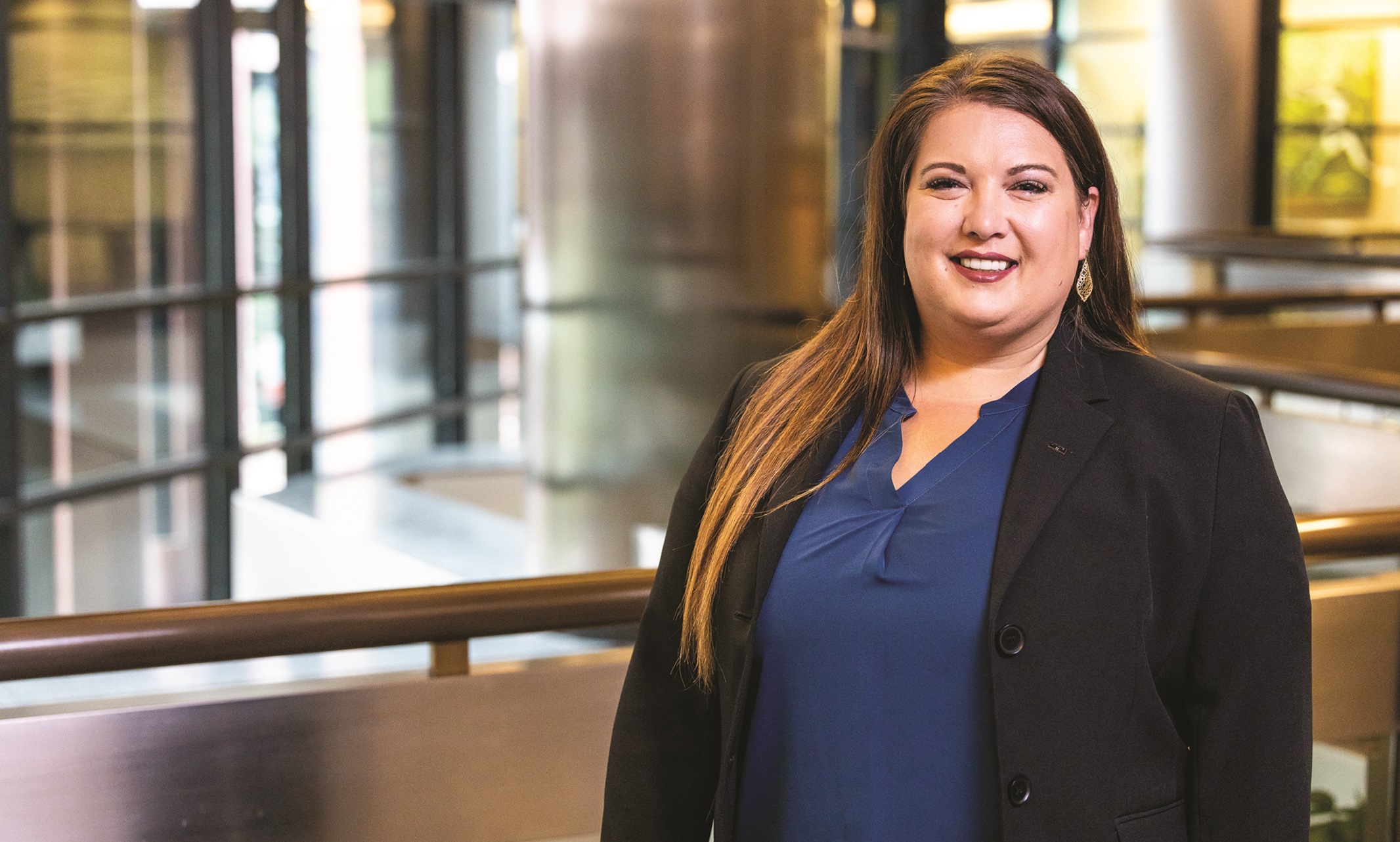
Alumna Jacquie Ward took her Bloch education all the way to the bank
Jacquie Ward, (MBA ’16), recently stepped into the role of director of private investments at UMB Family Wealth. She took this step relatively early in her career, but she felt prepared thanks in part to her education at the Henry W. Bloch School of Management and the student involvement opportunities that even a working student can join.
“I loved my time at UMKC, but I loved it that much more because I made a point to stretch and get involved,” Ward said. “That’s where I feel like my education became an actual game changer in my career. That’s where I met people that I still work with. I met some of my best friends. Some of the alumni that I met in those positions are the ones that I still call on and talk to on a regular basis. I see them at other industry events, and they now know me. That helps facilitate conversations.”
Though Ward now holds a master’s degree from UMKC, she began her career in finance immediately after completing her undergraduate degree in financial management, financial services and financial controllership at Kansas State University, following in her family’s footsteps. Her mother made a career in corporate finance during the 1980s, and Ward saw firsthand the struggles a working woman can face in a male-dominated field. However, Ward said she is optimistic about the current environment at UMB and in the field going forward.
“I see the world that I started in 10 years ago and the world I’m in now,” Ward said. “It’s definitely still a male-dominated space, but we do have women in really strong leadership positions as well. That’s something that, when I looked at my mom’s generation, she didn’t have, but I do. You have a chance to succeed when you have someone that knows exactly what it’s like in your situation and is in a position to be able to help guide you and the whole institution.”
One of the benefits of getting an MBA at UMKC, Ward found, was the real-world experience she could bring back to the office after each class.
“My UMKC education was top notch,” Ward said. “Within the classroom, we were doing things that were educational, but we were also doing things that I still tap into from a day-to-day basis for my job. We had a lot of professors that were great about aligning what we were doing with real life work. That prepared me for taking that next step in my career and expanding my network.”
Ward encourages anyone pursuing their MBA to get involved as well.
“You can go and show up to class, and you’re going to do just fine,” Ward said. “You’re going to get a great education, but you’re really not going to get everything that it can offer. Try to go that extra step.”
Jul 20, 2022
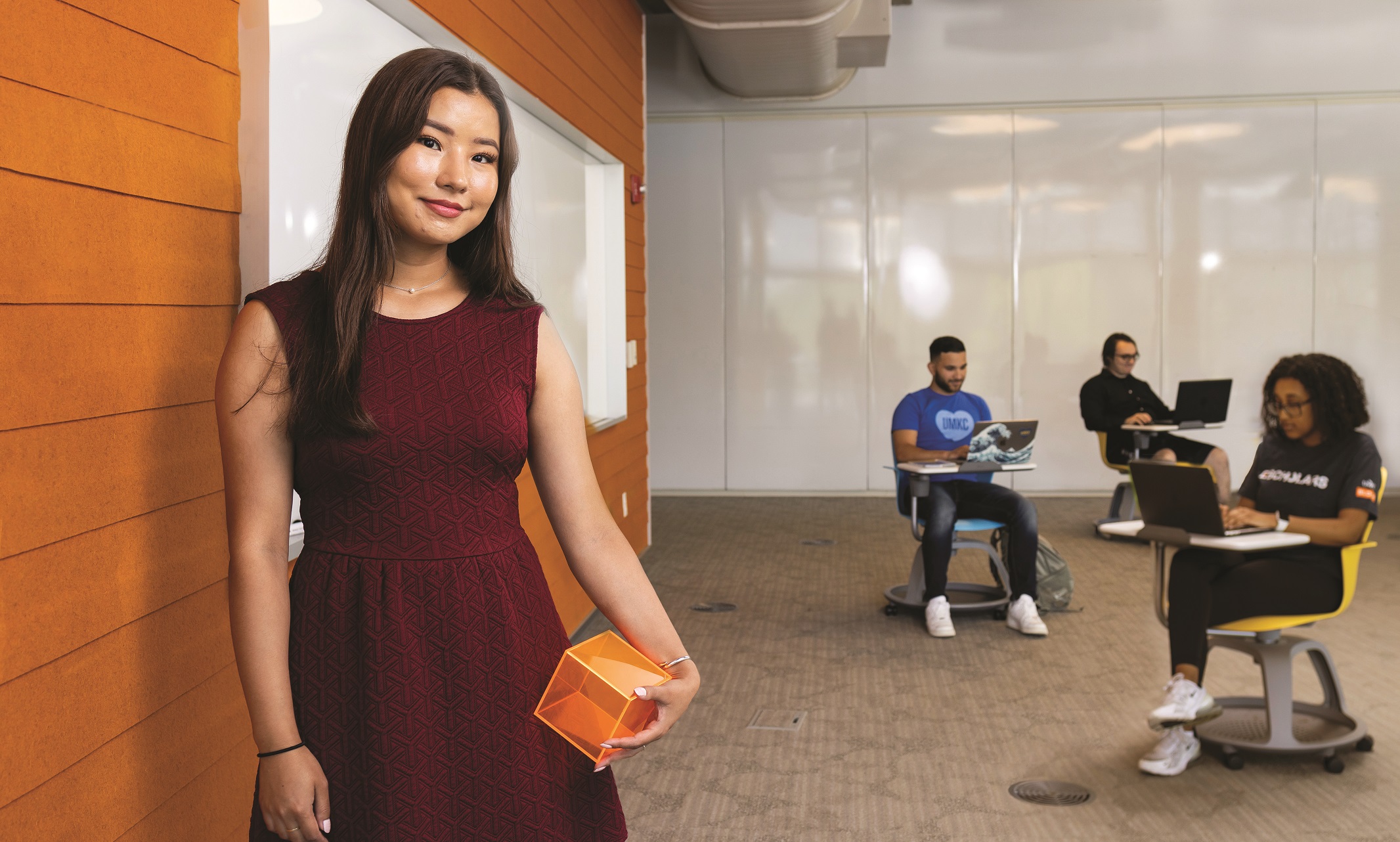
Upholding Henry’s vision for the Bloch School
Building on the Bloch School’s legacy of serving Kansas City, the Henry W. Bloch School of Management has more than doubled its enrollment of graduate students from underrepresented groups in the last four years.
Between 2017 and 2021, enrollment in Bloch graduate degree programs increased 170% for Asian students, 148% for Black students and 127% for Hispanic students.
“We want to be Kansas City’s business school. As part of this, we have focused on community engagement, outreach, and finding ways to make our programs more accessible and flexible. These efforts are helping us meet needs throughout our entire community for engaging, cutting-edge business education,” said Dean Brian Klaas.
Addressing the needs of students from across our entire community has been a long-standing priority at Bloch, dating back to Henry W. Bloch’s original 1986 endowment. Lately, 21st century tools have allowed the school to broaden its reach and become more accessible to students throughout this community.
The school has implemented several new tools that have created expanded opportunities, such as flexible class modality for people with unpredictable work hours or those with childcare responsibilities.
“We’ve found that moving from a largely on-campus and traditional program to more blended offerings has increased our ability to serve many working professionals and others who are juggling a complex life with a range of work and family obligations,” Klaas said.
According to Klaas, flexible classes have allowed students to find their own comfort levels while deciding which modalities work best for them.
Brian Anderson, associate dean of the Bloch School and associate professor of entrepreneurship, said by allowing students to take some classes remotely or on a hybrid model, or take extended periods off, the school has been able to expand its reach and appeal.
“Having a full range of modalities allows us to build engaging and inclusive classroom experiences that can better serve all of those within the Kansas City community,” Anderson said.
In addition to offering flexible classroom modalities, the school has also used digital marketing tools to share opportunities with a larger and a more diverse community.
“Back in the day, we often relied on word-of-mouth, networking and events to share information about our programs,” Klaas said. “Now with digital marketing and social media, we have more tools and more capacity to connect with candidates throughout this community. We are better positioned to highlight for candidates throughout this community the opportunities available here at Bloch and programs that could help meet their needs and achieve their goals.”
Technology and outreach aren’t the only factors that have played a role. One-on-one contact has been just as important.
“We aspire to offer concierge-level service for every student. Not everyone comes with that built-in network that some students do. We’re here to give you that network and then show you how to continue to build it,” Anderson said.
The resulting network needs to be diverse as well. Toward that end, the Bloch School has expanded experiential learning opportunities to organizations with diverse leadership and/or a mission to assist underserved communities. Students from Bloch graduate programs are working closely with organizations such as AltCap, Pipeline and The Porter House KC, participating on faculty-led consulting teams to provide services and assistance to entrepreneurs from underserved communities.
The Porter House KC was co-founded by Daniel Smith, who currently teaches a course at the Bloch School. Smith said it’s important to be intentional about the different needs students from underrepresented backgrounds bring with them to their MBA experience – and it’s important for students to get an opportunity to see themselves represented in the organizations they work with.
“It requires encouragement, doubling down and going into spaces universities don’t typically go into,” Smith said. “It’s beneficial for the university and the community they serve. The ability to counsel and walk alongside these students is invaluable.”
Melissa Vincent is the executive director of Pipeline Entrepreneurs, a professional development network for high-growth entrepreneurs in Kansas City. In an effort to better support entrepreneurs from underserved backgrounds, Pipeline recently created Pathfinder, a year-long virtual program partnered with Bloch’s E-Scholars program to help earlier-stage businesses develop resources and gain traction.
“We recognize that it’s not an even playing field right now in multiple senses,” Vincent said. “One of those is access to networks, resources and programming. The other side is funding. In order to be able to really change the trajectory for underserved entrepreneurs, we have to answer both sides of that equation.”
“At the Bloch School, they truly care about training their students, and with that comes a genuine belief that their students have the capacity to contribute to the community regardless of their age.” - Jennifer Alexander
Vincent said that the combination of Bloch education and outside support from organizations like Pipeline can be a winning combination for early-stage entrepreneurs, especially those from underserved communities.
Another key part of the Bloch School network is Central Exchange. Central Exchange was established as a non-profit in 1978 and since then has played a critical role in developing and offering professional development and leadership experiences for women in the region. It works closely with corporate members to provide impactful leadership development for women at key junctures in their career.
Throughout the past few years, the Bloch School has been partnering closely with Central Exchange. Assistant Teaching Professor Ann Hackett provides leadership and strategy support for Central Exchange as part of her role at the Bloch School, working to expand leadership development opportunities for women in the region, including students in the Bloch School. The partnership not only offers opportunities for Central Exchange members to participate in Bloch School programs, but it also provides opportunities for Bloch graduate students to engage with Central Exchange.
The school has long-prioritized Henry W. Bloch’s vision for being a community-centered school, according to Klaas, and the initiatives being implemented today are very much consistent with that long-standing priority.
Jennifer Alexander, a student in the MPA program, said her experience with mentorship within the Bloch School helped her feel valued.
“Throughout our careers, women under the age of 40 have had to prove we’re qualified in ways men under the age of 40 have not had to prove themselves. My experience at Bloch was that I never felt like I needed to prove myself as a young woman,” Alexander said.
Alexander, who is Chinese-American, said she felt supported by Bloch faculty and staff as a student in a way that exceeded her experiences in the working world during her mid-to-late twenties.
“At the Bloch School, they truly care about training their students, and with that comes a genuine belief that their students have the capacity to contribute to the community regardless of their age,” Alexander said. “It was such an encouragement to me in that I didn’t necessarily experience that trust in my earlier nonprofit experience. The Bloch School believes in giving you opportunities to advance and move forward. That’s the biggest impact they made on me.”
"I had a lot of professors who encouraged me to use my voice and speak up when I had an idea." -Gretchen Metzger
Recent PMBA graduate Gretchen Metzger said she felt her instructors made an effort to support all students voices in the classroom.
“Being a woman in an MBA program, I can say from personal experience that there’s a tendency for women to speak more timidly and less boldly,” Metzger said. “But I had a lot of professors who encouraged me to use my voice and speak up when I had an idea. I admired that a lot.”
None of the initiatives Bloch has implemented over the past four years have been particularly groundbreaking, Klaas said, in part because the school has always prioritized Henry W. Bloch’s idea of a community-centered school.
“Henry W. Bloch was deeply committed to efforts to support inclusive prosperity in Kansas City. This was his goal in helping to build a community focused school. Today, we are continuing to work on achieving the goals that Henry established for the school years ago,” explained Klaas.
“He wanted us to have great programs, but he also wanted us to get the word out to the whole community that there were opportunities here in business, entrepreneurship and the not-for-profit sector, no matter what your background,” Anderson said.
Klaas acknowledges there is always room for improvement, and the Bloch School is no different. Pursuing Henry’s vision for offering great programs that serve all of Kansas City is a work in progress. A key priority for us is attracting and serving a student body that looks like this community,” Klaas said. “Being Kansas City’s business school is a key part of our mission. As part of that, we are very much committed to serving all parts of the community.”
The enrollment numbers in Bloch’s graduate programs suggest that the school is finding ways to reach and serve the needs of students across our community, Anderson explained.
“We’re focused on fostering community and opportunities for engagement. We do so in a way that leverages new tools and new technology to meet students where they’re at and offers them a chance to engage,” Klaas said. “We recognize the success of this depends on having faculty that look like this community, as well as a student body that looks like this community. These are important priorities for us, and we’re striving to make significant progress in these areas.”
Jul 20, 2022
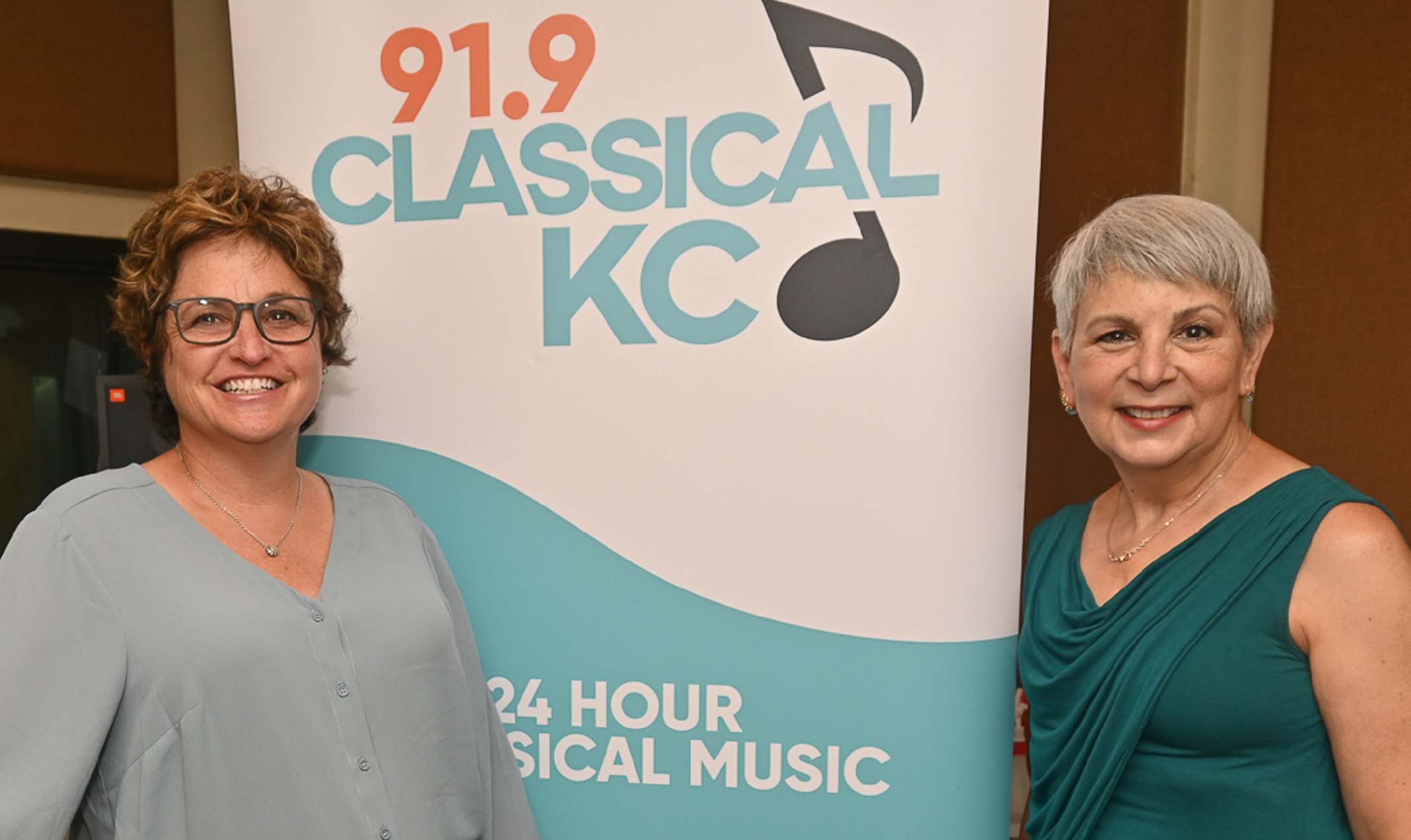
A lifelong love of classical music and original arts programming leads to endowment
UMKC Professor Emerita Linda Mitchell, Ph.D. grew up listening to classical music.
“We lived in the Philadelphia area, and we had wonderful classical music stations there, even before public radio,” she says. “I was a teenager when public radio started, and NPR’s programming became a lifeline for me.”
Mitchell, who has lived mostly on the east coast, was accustomed to having classical music available on the radio around the clock. She’s been in Kansas City since 2008 and has been a sustaining member of KCUR since she arrived. She relishes KCUR’s regular programming—especially Chuck Haddix’s Fish Fry—but missed that easy access to anytime classical music. So, when Mitchell learned about plans for 91.9 Classical KC, a sister station featuring classical music with a goal to create local programming that focused on the Kansas City culture and music scene, she was thrilled. That it launched in July of 2020, at the beginning of the COVID-19 pandemic, was a gift.
“It's not so much that classical music is always relaxing, but there's something about the cadences and structure and the technical aspects of classical music of all eras, that actually settle me down. It’s a wonderful accompaniment to work and a great thing to listen to as I fall asleep.”
While Classical KC’s regular programming was her original draw, Mitchell became more invested in the station once she found out that a goal of the station was to increase diversity in both staffing and programming selections. Already committed to supporting the station, conversations with the station’s development team led to her endowed gift supporting local programming.
“I think that philanthropy for public radio stations can be envisioned in two separate lanes. One is the bottom line fundraising – such as membership drives – that has to happen, but is focused on meeting immediate needs.”
Mitchell sees the other lane as long range solutions that provide security for institutions that create value for the community.
“The only way to do that is through endowments where the principal can grow and then the income can be used. With the growth of the fund, eventually it might replace some of that desperate fundraising that goes on every year.”
Mitchell sees an endowment as an optimistic testament that the organization is going to survive and thrive. David Fulk, director of philanthropic giving, confirms that gifts such as Michell’s do just that.
“The significance of Mitchell’s endowed fund is providing long term security for the station which, in turn, will ensure that future generations of listeners have access to local classical music programming,” he says.
Sarah Morris, general manager KCUR 89.3 and Classical KC 91.9, says support like Mitchell’s is essential to public radio in Kansas City.
“The vast majority of our funding comes from local donors like Linda, and we wouldn’t be here without them. Particularly with Classical KC, we rely on the people in our community with a passion for classical music who want to ensure that everyone has free access now—and in the future,” she says.
Mitchell sees herself as a pragmatist.
“This is the craziest center for art and culture I have lived in in my life,” Mitchell says. “Kansas City is bursting at the seams with all kinds of cultural events and spaces. It is actually a little overwhelming! It made sense that Classical KC wanted to tap into that energy and promote the diversity of the city as well the idea that classical music is for everyone.”
Jul 19, 2022
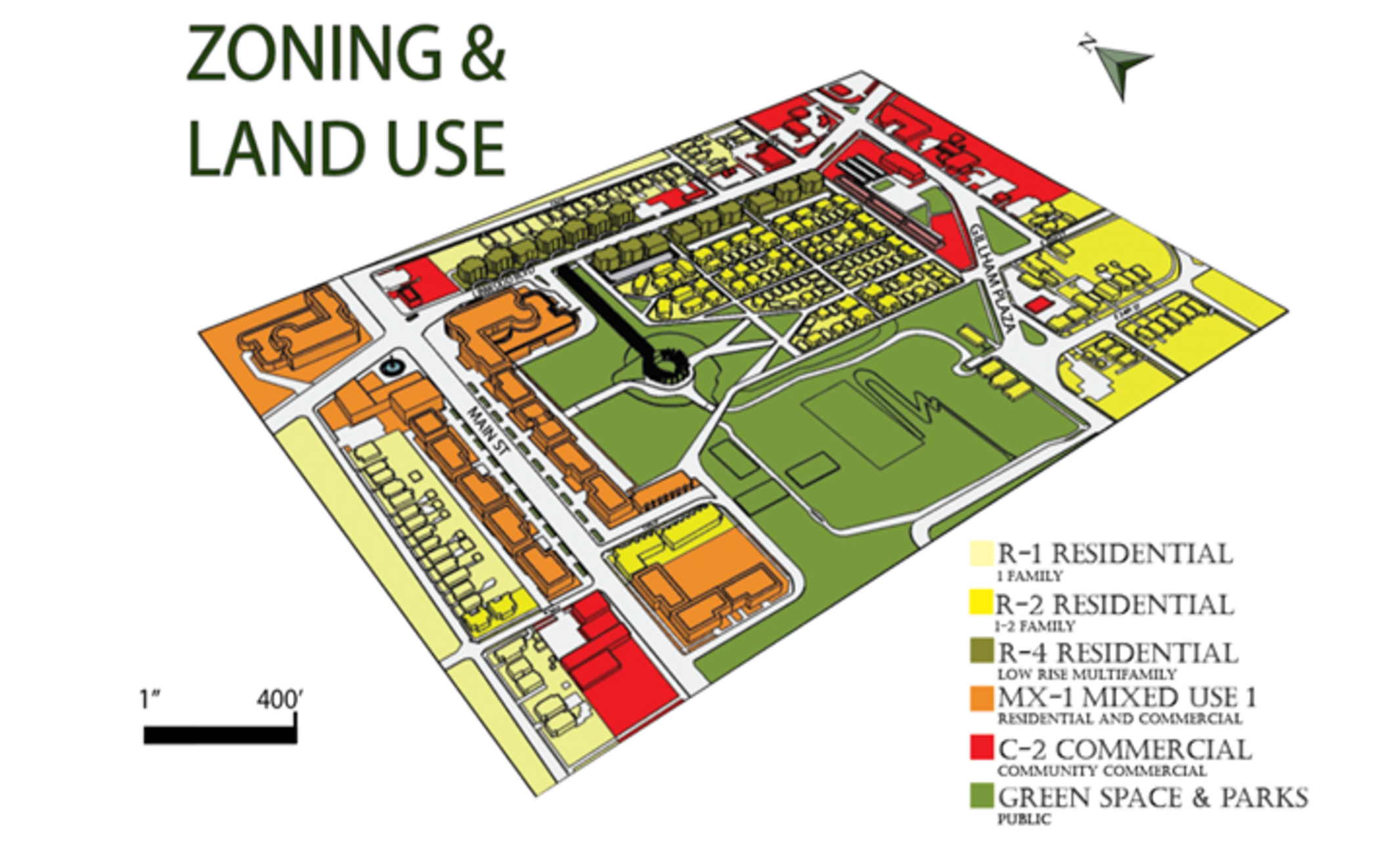
The project looked at redeveloping a popular intersection in Kansas City
Three seniors studying Urban Planning and Design at the University of Missouri-Kansas City School of Science and Engineering won the Nichols Student Prize for work on a fictional redesign of a Kansas City corridor.
The Nichols Student Prize recognizes students for developing innovative urban designs and developments as part of the UMKC Urban Planning + Design Program. This year, students were tasked with examing development at Main Street and Linwood Boulevard, a major corner along the extension of the KC Streetcar south line from Union Station to Westport.
Tianna Morton won the top prize for her design, "The Garden District." Morton's development focused on removing big-box retailers and instead replaced them with a mix of housing types and a new park.
"I felt that in place of Costco and Home Depot, what would benefit growth and promote accessible homeownership would be the addition of a new neighborhood," Morton said. "The neighborhood would consist of tiny homes, small single-family homes, duplexes and a small apartment building to accommodate a myriad of people."
Morton said the project was exciting for her as she used to live in Midtown near the fictional project's location.
"When it was announced that I had won, I was surprised and grateful," Morton said. "All the students proposed wonderful, creative and thoughtful projects."
In addition to Morton's win, Jazmin Bustos and Luke Bertram both took home second place in the competition.
The jury was impressed with Bustos's inclusion of community institutions, like a childcare facility and a library, as part of her plan for the site. Bertram's "appealing sense of urbanism" for a public square helped him place.
Jul 19, 2022
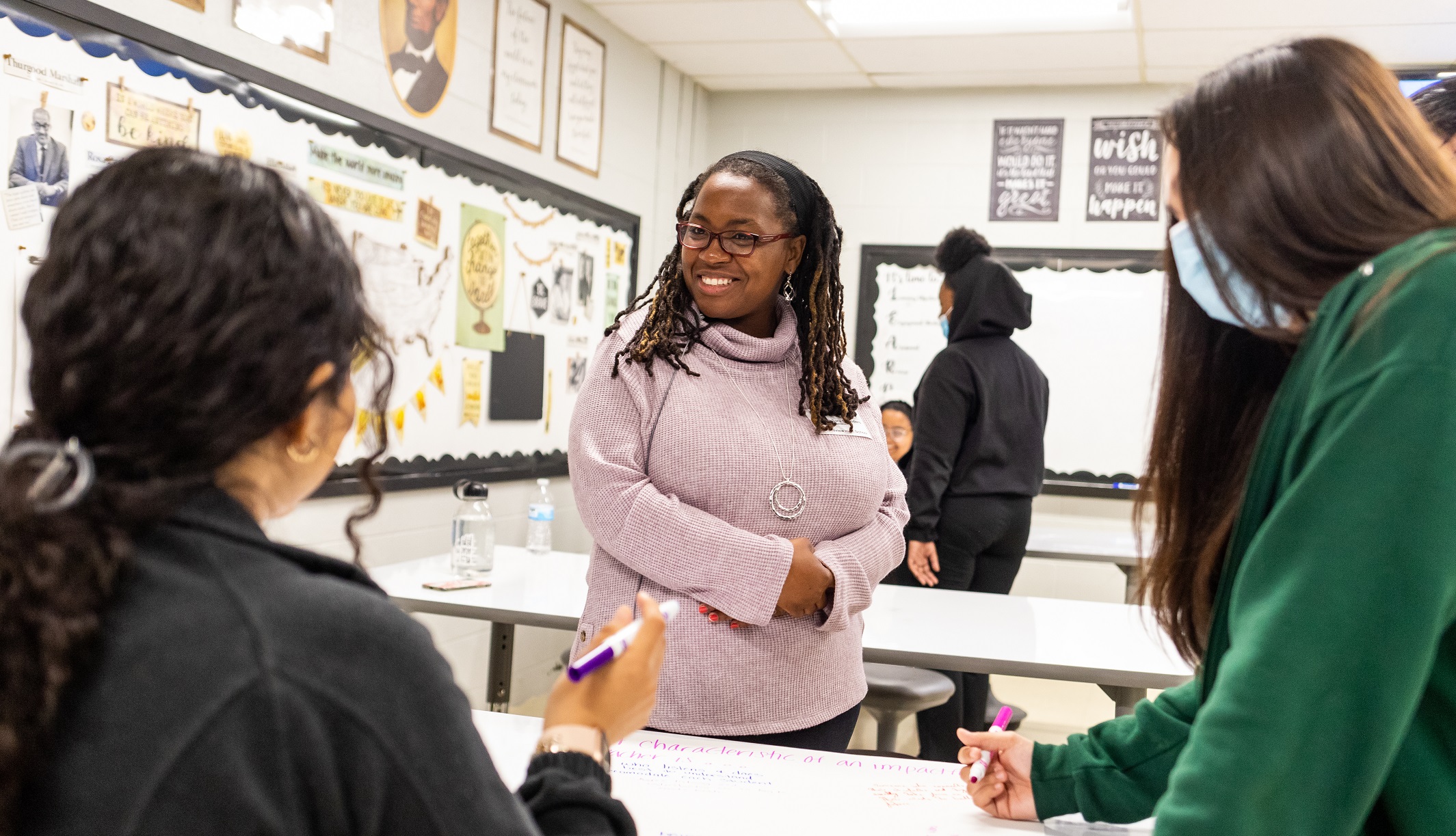
SchoolSmartKC funding accelerates student recruitment and program development
Funding from SchoolSmartKC supports the UMKC School of Education, Social Work and Psychological Sciences in growing programs to further meet the critical need for educators, particularly in the urban core.
SchoolSmartKC is a significant partner, both financially and philosophically, for the UMKC School of Education, Social Work and Psychological Sciences (SESWPS) and the Institute for Urban Education (IUE.) In the last year SchoolSmartKC (SSKC) has granted funds for the IUE’s Grow Your Own program as well as Project Recruit, Support, Retain, which bolsters student support and recruitment for the new 4 + 1 Master of Arts in Teaching (MAT) program. SSKC also provided support for Spring 2022 graduates who will teach in the Kansas City Public School System.
The partnership between IUE and SSKC is a natural one. Both organizations are working to optimize teacher and student success and eliminate the achievement gap for students in Kansas City, in addition to rethinking long-held tropes around teaching.
“I think everyone needs to keep in mind that teaching is very complex,” says Angelique Nedved, chief program officer for SSKC. “All of us come to learning with different backgrounds, different experiences and a different set of resources. However, when we have school as a structure, we tend to forget that, and we cluster people by their birthday, or maybe their interests.”
Nedved says it's imperative to talk about learners having individual needs. One reason SSKC partners with UMKC is because the SESPWS is actively tailoring curriculum to serve the individual student and the community. In addition, both organizations have goals to provide support that bolsters teacher pipelines, so that high school students have the opportunity to see what effective teaching looks like and demonstrate that being a teacher is impactful and fulfilling.
“We focus on entities like IUE and UMKC because they have evidence of not only attracting, but also recruiting students of color who are interesting in teaching, and then providing the supports students need to succeed in the program and stay within their community to give back through education,” Nedved says.
“IUE is fortunate to work with a group of funders who are committed to long-term support of the teaching profession, from recruitment to preparation and into teachers’ careers." - Jennifer Waddell, Ph.D.
Rebecca Williams, director of talent development at SSKC, notes that teaching during the last two years has highlighted that learning is not one-size-fits-all for students or educators.
“If we are going to continue to have strong pipelines of talent, and teachers who are relating to students – from those who have the most troubling experiences, to those who find success with ease – we need to recognize that everyone can benefit from understanding those who look different within these systems that have been in place for so long,” Williams says.
SSKC sees SESWPS and IUE as valuable partners in building those pipelines of teachers. The funder’s support of the IUE GYO program has helped the program expand to additional schools as well as celebrate current high school students at a GYO symposium on UMKC’s campus.
Williams says the investments is a strategy to avoid future teacher shortages.
“If we bolster these pipelines early on, to attract people to teaching and ensure they understand what teaching can be and demonstrate the feeling of ‘This is why I want to be a teacher, and this is where it can take me,’ when they are offered the opportunity, they will be likely to opt in,” Williams says. “Over a number of years, that creates a stronger pipeline.”
In addition to support for the GYO program, SSKC’s gift is supporting current teacher preparation programs at UMKC, including the Master of Arts in Teaching (MAT). The MAT is part of the Teacher Education Professional Program. A one-year program, the MAT is designed as a cohort-based program for anyone with an undergraduate degree who is interested in becoming certified as a teacher with an additional year of coursework.
The program is structured to provide students with foundational knowledge of classroom practices, lesson plan instruction and assessment and experience that enhances effective teaching. Students can earn certification for middle or high school as well as K-12 foreign languages and/or art certification.
Jennifer Waddell, Ph.D., associate professor and IUE director, knows committed funders and their support have more influence than through donations alone.
“IUE is fortunate to work with a group of funders who are committed to long-term support of the teaching profession, from recruitment to preparation and into teachers’ careers. SSKC is one such funder. We are grateful for their support.”
Jul 19, 2022
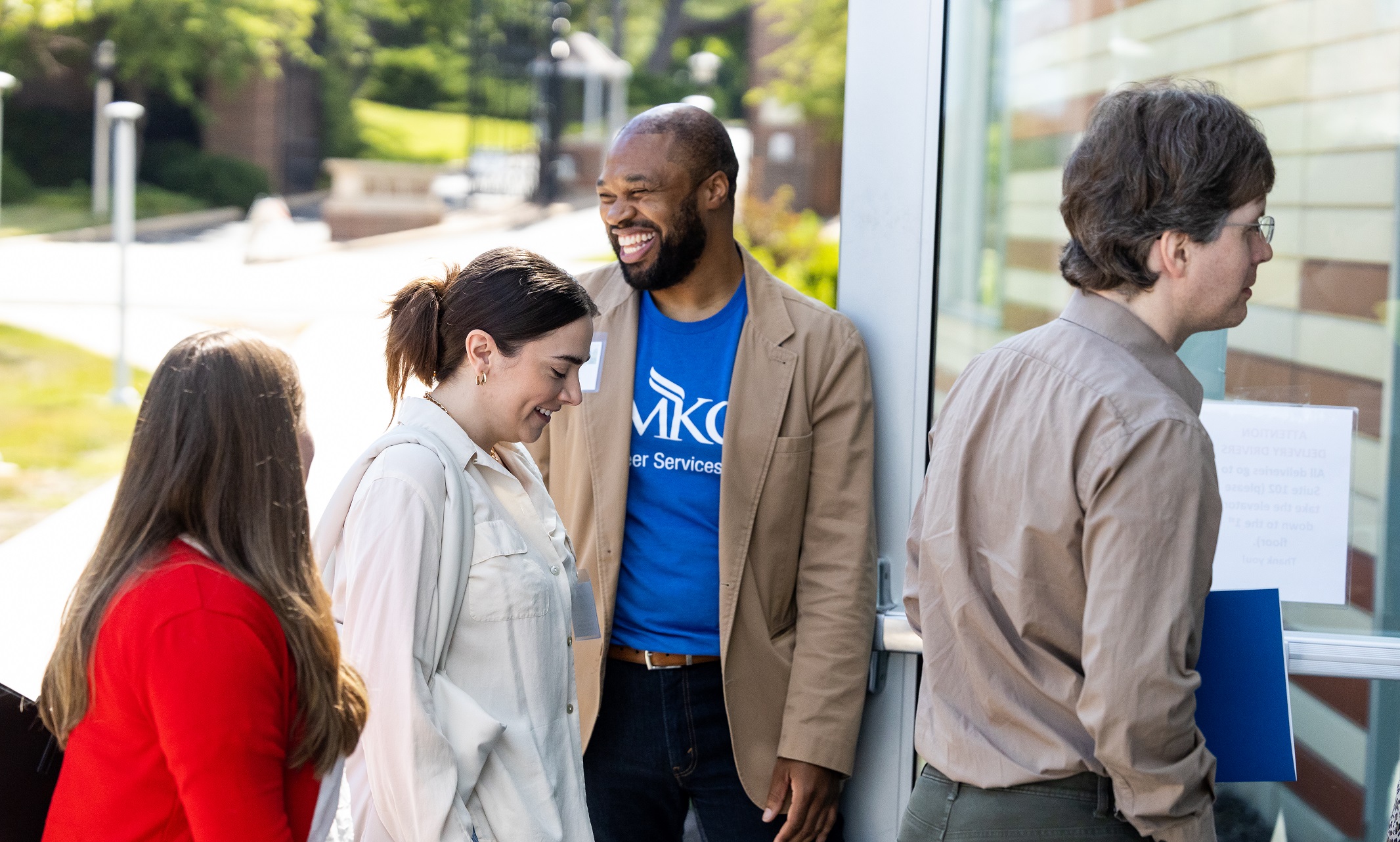
Nearly 200 people attended the summit to collaborate and learn about hiring the next generation of professionals
Connecting with this generation of students and young professionals may require thinking outside of the box. The KC Early Talent Summit hosted hiring professionals from more than 90 local companies and organizations to discuss the opportunities and changing landscape when it comes to hiring and working with young professionals.
Topics included diversity, equity and inclusion, recruitment and retention, building a recognizable brand on campus and alternatives to traditional internships.
“We hope this Early Talent Summit will benefit our students and organizations in town,” said Goldie Gildehaus, assistant director of UMKC Career Services. “We want to build talent pipelines and early connections between students and professionals to help everyone be successful.”
Several UMKC students and recent alumni had the chance to talk to attendees about the hiring process from a potential employee’s perspective. They noted how important communication and flexibility are to them, as well as the role that networking and career services can play.
“I was at Bloch Career Center all the time,” said Kyle Potts (BBA ’22). “I can’t count how many times they looked over a resume for me or connected me with someone they knew. The internship I got in college is actually one I heard about through them. You never know where you’ll learn about an opportunity.”
This is the first year UMKC has hosted the KC Early Talent Summit. It developed as a partnership between several UMKC entities, including Career Services, Bloch Career Center, the UMKC Board of Trustees and Professional Career Escalators.
Jul 14, 2022
Fengpeng Sun, Ph.D. and Irma Russell J.D. weighed in on KCUR
Law Professor Irma Russell and Assistant Professor and Climate Scientist Fengpeng Sun, Ph.D. were guests on KCUR's Up To Date.
The pair dicussed the recent Supreme Court decision, which limits the Environmental Protection Agency's authority on limiting carbon emissions. Read more
Jul 14, 2022
Beth Vonnahme, Ph.D., associate dean of political science and philosophy spoke with KMBC
According to new voter registration figures from the Secretary of State, more Kansas voters are opting not to affiliate with either major political party.
Beth Vonnahme, Ph.D., associate dean of political science and philosophy, spoke with KMBC about the increase in unaffiliated registered voters in Kansas and across the country. Read more
Jul 14, 2022
Dean Mary Anne Jackson, MD weighed in on rising COVID cases
The new COVID-19 variant, BA.5. is contributing to an increase of cases in the Kansas City area.
School of Medicine Dean Mary Anne Jackson, MD spoke with KCUR's Nomin Ujiyediin about the new variant and its impact. Read more
Jul 14, 2022
Larry Wigger spoke with KSHB about the surging demand
Local car dealers say thy are seeing an increase in electric vehicle sales in the face of rising gas prices.
Larry Wigger, an assistant teaching professor at the Henry W. Bloch School of Management, spoke with KSHB about the pros and cons of going electric. Read more
Jul 14, 2022
One of the first times a Missouri institution has been awarded a graduate education and research grant from the NSF
The University of Missouri-Kansas City has received a $3 million grant from the National Science Foundation Research Traineeship Program to study and mitigate alcohol and drug abuse using AI and Secure Networked Sensing.
It is one of the first times a Missouri institution has been awarded a graduate education grant from the NSF.
"This is a fantastic project, not only for the research team and graduate-level students involved, but also for the university as a whole, which will receive national attention for this groundbreaking work," said Chris Liu, Ph.D., vice chancellor of research and dean of the School of Graduate Studies.
The research team will be led by Farid Nait-Abdesselam, Ph.D., a professor in the School of Science and Engineering, and includes Masud Chowdhury, Ph.D., Mostafizur Rahman, Ph.D., Dianxiang Xu, Ph.D., Yugyung Lee, Ph.D., Ahmed Hassan, Ph.D., and Yusuf Uddin, Ph.D., all professors at the School of Science and Engineering. The team will also include Ye Wang, Ph.D., Ryan Copus, Ph.D., Arif Ahmed, Ph.D., George Gotto IV, Ph.D., Martha B. McCabe, Arnold Abels, Ph.D., Brent Never, Ph.D., and Alexis Petri, Ph.D.
The project will hire and support 20 Ph.D./MS students and impacts over 100 additional graduate students. Students will come from several different programs across campus.
"Students involved in this research will be exposed to so many faculty members from different disciplines. Interdisciplinary study is extremely critical to our students in today's graduate education," Liu said. "This project is not only an opportunity to learn, but to expose students to a real-world research project to address crucial societal issues."
The research is slated to last at least five years and begin in July.
The NSF is an independent agency of the United States government that supports fundamental research and education in all non-medical fields of science and engineering. Yearly, the agency gives out roughly 12,000 new grants.
Jul 11, 2022
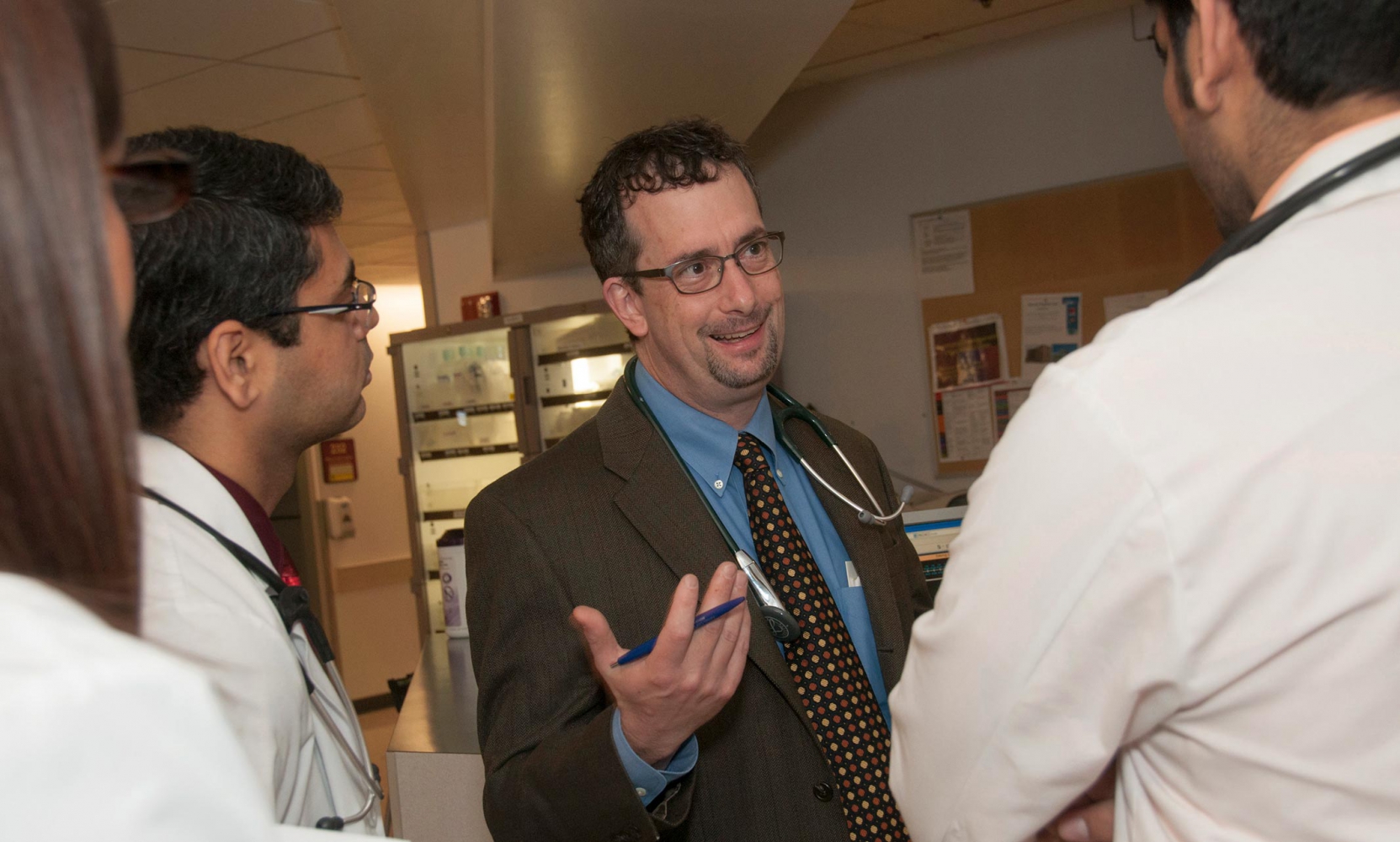
Grant for nearly $2 million will support formal training, mentorship and research experiences
The UMKC School of Medicine has received a nearly $400,000 grant from the National Institutes of Health to continue and build upon a successful two-year training program in clinically oriented cardiovascular disease outcomes research through the Department of Biomedical and Health Informatics and UMKC’s new Healthcare Institute for Innovations in Quality (HI-IQ). The funding covers the first of five years of support through the National Heart, Lung and Blood Institute, bringing the total grant funding to just less than $2 million.
Immense research investments have improved the care of patients afflicted with cardiovascular disease, the leading cause of death and disability in the United States. But continued evaluation of patient-centered outcomes, including patient symptoms, function and quality of life and how to apply that knowledge in clinical settings is needed, said John Spertus, M.D., professor, clinical director and endowed chair in metabolic and vascular disease research.“Collectively, our committed team will provide formal training, mentorship and research experiences for trainees to make significant contributions to the scientific literature, embark on successful academic careers, and improve the value and patient-centeredness of medical care,” Spertus said.Hands-on research is one of the key components of the program that provides a basic foundation in clinical research, including a master’s degree in bioinformatics with a clinical research emphasis, and specialized skills for outcomes research, coupled with academic survival skills.Hallmarks of the research experiences include multi-disciplinary group and individualized mentorship to meet each trainee’s needs, as well as access to numerous existing data. Clinical populations for primary data collection and implementation, training in entrepreneurship and highly experienced statistical support are provided to support trainees’ success.Program enhancements are also planned that include a more robust collaboration with the University of Missouri system, increased engagement in clinical trial design and a growing focus on implementation science with access to HI-IQ’s multistakeholder collaboration of 19 regional hospitals.
Jul 08, 2022
Part of the funding was appropriated by the state
The University of Missouri-Kansas City unveiled plans for a new $100 million addition to its Health Sciences District.
This new project will take the Health Sciences District to the next level, sparking development to turn the campus into a regional draw while igniting entrepreneurship and economic growth for the city and region.
Read more
Jul 05, 2022
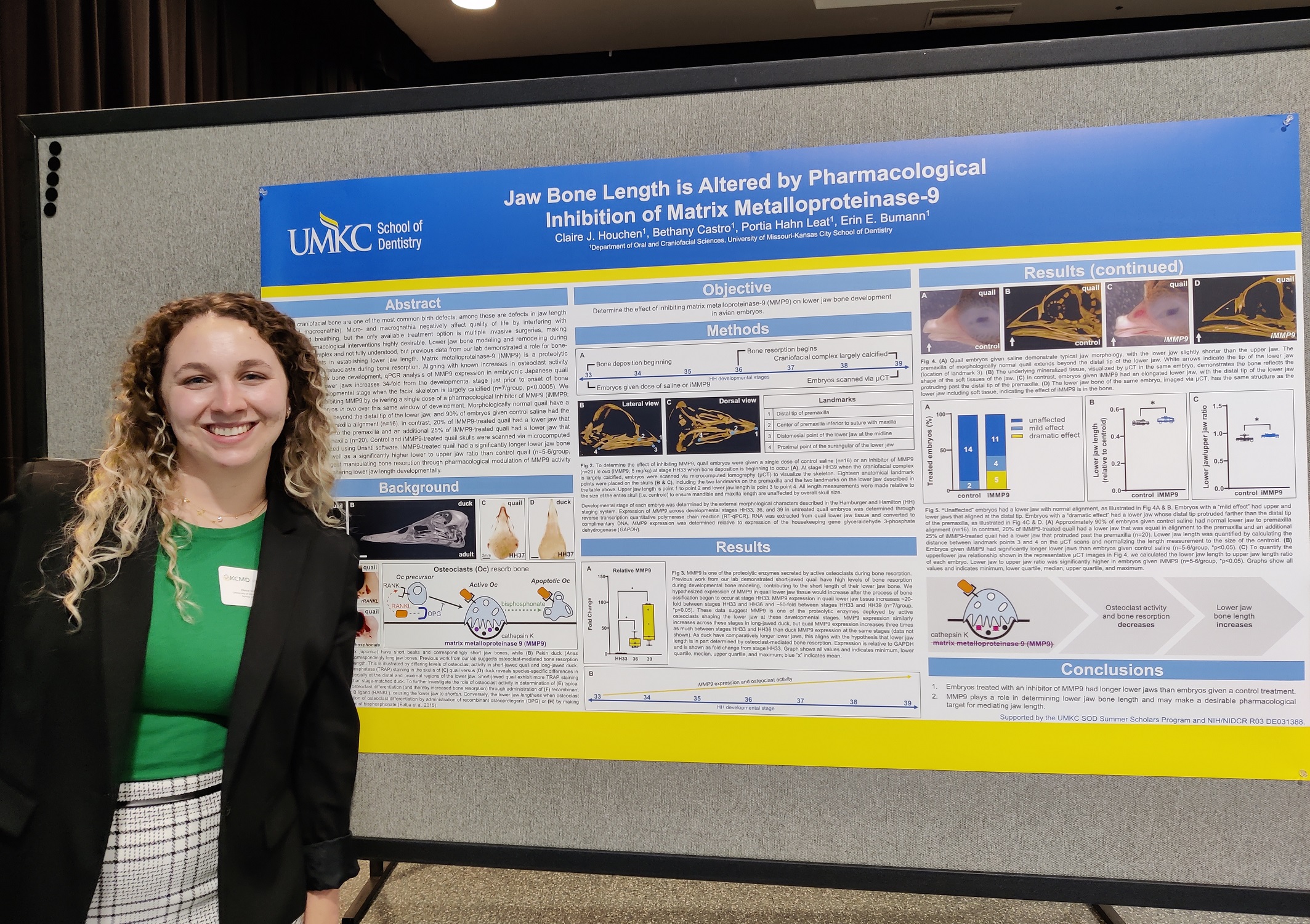
Student, professor share focus, outlook
Roos don’t just dream, they do. Our students turn ideas into action every day. Get to know our people and you’ll know what UMKC is all about.
Claire HouchenGraduation year: Spring 2024UMKC degree program: M.S. InformaticsHometown: Louisburg, Kansas
In the final year of her undergraduate studies, Claire Houchen was looking to expand her research experience. She recognized the value of mentorship early in her career, so she emailed a former professor who helped her make a valuable connection.
Houchen, M.S. bioinformatics ’24, was able to meet with Erin Bumann, D.D.S., Ph.D., assistant professor, Department of Oral and Craniofacial Sciences just before the COVID-19 pandemic shutdown.
“I had a good feeling,” Houchen says. “I felt like this was the right place for me and the right time.”
Bumann was impressed by Houchen’s accomplishments, which included working in a research lab immediately after high school.
Erin Bumann
“You could tell that Claire was someone who was really ambitious, dedicated and interested. All of those things are very important when getting started in a research lab,” Bumann says.
Bumann had mentors who were instrumental to her success when she was a student.
“Without the mentorship I received during my undergraduate studies, dental school and post doctoral training, I wouldn’t be in the position that I’m in today,” Bumann says.
Both women agree that a strong connection between the mentor and mentee is important to the relationship.
“Dr. Bumann and I have a constant flow of conversation,” Houchen says. “We are always talking about everything related to our careers. I think this impacts my professional journey as well as my educational one.”
Bumann notes that one of the keys to a successful mentor/mentee relationship is that both sides are willing to invest significant time and focus to make the experience successful.
“Compassion, honesty and an investment in growth are important, and I think that needs to come from both sides,” Bumann says. “And this is true of Claire, but in general one of the most wonderful things about having students in the lab is the energy it brings.”
Despite the camaraderie, biomedical science is challenging. Mentor support can make a difference.
“When we’re doing experiments on the bench, failure is inevitable and that’s tough,” Houchen says. “Sometimes it’s discouraging and overwhelming, but you learn from it and move forward. In addition, navigating science culture can be challenging, especially if your position is underrepresented. At times, I think the way that Dr. Bumann challenges me is just by telling me to hang in there. It’s easier said than done, but it’s helpful to have someone walk you through what it looks like.”
While there are formal mentoring programs in place, Bumann encourages students not to wait for a professor or someone else to suggest it.
Clare Houchen
“Lots of people are willing to mentor students, but the student may need to initiate. Just put yourself out there. You never know how a mentoring relationship might change your life.”
Houchen has reached out to potential mentors throughout her education. She agrees that students may need to take the initiative, but they are likely to benefit.
“As an undergraduate I had a biology professor who I respected. I really enjoyed talking to her and would go to her office hours. I’m still in touch with her.”
Bumann has witnessed Houchen in the mentoring role as well.
“Claire helps the undergraduates in the lab with their projects, so not only is she growing from mentoring herself, but she is taking it to the next level and being a mentor for others.”
Jul 05, 2022

New multi-story building will expand classrooms and teaching clinics, spur research and development
The University of Missouri-Kansas City is poised to begin work on a new interprofessional health sciences building in the UMKC Health Sciences District, housing new, state-of-the-art dental teaching clinics and expanded medical school teaching facilities.
The multi-story, $100 million project also will serve as a home for the university’s Data Science and Analytics Innovation Center and Biomedical Engineering program. This project will take the Health Sciences District to the next level, accelerating health care access and equity for the community and sparking development to turn the campus into a regional draw, igniting entrepreneurship and economic growth for the city and region.
The state of Missouri has appropriated $40 million for the building in legislation signed by Gov. Mike Parson on July 1. This appropriation comes with a challenge to the Kansas City community to raise the additional $60 million to build the $100 million project.
The project has broad and enthusiastic support from the City of Kansas City, Jackson County and multiple business, civic and economic development organizations. The project will add impact and momentum to the burgeoning growth underway in the district – including recent additions such as Children’s Mercy Kansas City’s $200 million Research Institute tower, the $70 million University Health 2 medical office building and the $45 million University Health 1 building.
Civic leaders view the UMKC project as a next step toward the launch of a comprehensive development plan for the district.
“A united medical and dental building will be a signature facility, as there is only one such institution in the country with this combined learning and clinical environment,” said Chancellor Mauli Agrawal. “The project will spark an expansion of the entire UMKC Health Sciences District that could dramatically expand health care in Kansas City, attract top faculty and researchers and new private investment that could create new jobs and eventually contribute billions to the Kansas City economy.”
Academic medical centers in San Antonio, Memphis and Denver, among others across the country, have transformed districts with an estimated multibillion regional economic impact annually.
Additionally, an interprofessional health building allows for increased collaboration among health care fields, which creates a greater capacity for developing health solutions and providing patient care. UMKC is one of only 20 universities in the country where dentistry, medicine, nursing and health studies, and pharmacy share a single, walkable campus, which underscores the need to continue to provide opportunities for collaboration among the health sciences.
UMKC will occupy the first several floors of the project and additional floors may be available to public partners for medical office space, clinical space and other uses. Here’s what will be housed in the UMKC space:
School of Dentistry
These state-of-the-art clinics will attract some of the best students and faculty from the region, making UMKC competitive with top schools across the country. In addition, UMKC will have increased space to continue its important work in serving the underserved – delivering almost $1 million in uncompensated care to those who otherwise might not get treatment. With a new interprofessional medical building, the next generation of dentists can be taught to deliver better dental care at a lower cost. Another benefit will be the expansion of dental emergency services, which will lower the number of dental emergencies seen at hospital emergency rooms and continue to make first-rate dental care more accessible to the community.
School of Medicine
The new building will provide state of the art educational facilities for UMKC medical students and programs, such as space for more simulation labs, which lead to better training for students and better care for the community. The expansion also will allow for necessary infrastructure changes to improve the school, including increased capacity for digitization with additional space for fiberoptic cables, improved air flow throughout the building and expanded classroom space.
Biomedical Engineering
Proximity between doctors and developers of medical devices is paramount, and this new building will foster faster, more effective collaboration between engineers and medical professionals to accelerate product development in areas such as imaging technology, implants and microsurgery tools. UMKC will expand its ability for creating new technology, generating innovations for products and patents with the potential to work with companies to develop and produce them.
Data Science and Analytics Innovation Center
Through its expertise in data science, UMKC and its clinical partners are ushering forward a new era of personalized health care — one that will treat diseases based on individual variability in genes, environment and lifestyle, rather than a traditional one-size-fits-all approach. The data center’s work will drive innovation in a variety of domains, ranging from health care and business intelligence to agriculture and digital humanities.
Jun 30, 2022
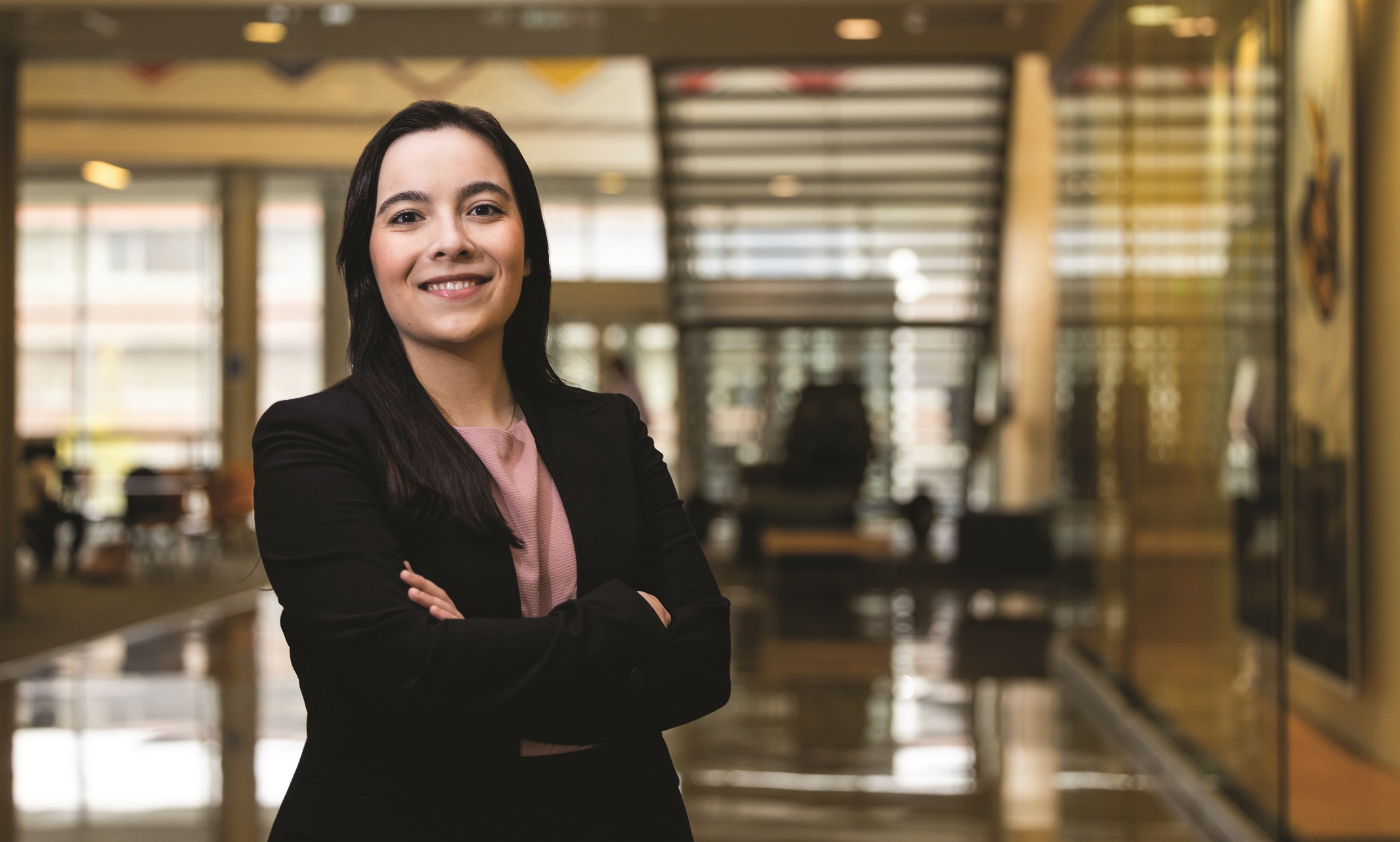
First-generation law student Kylee Gomez found her niche in helping people find rehabilitation and second chances
Kylee Gomez found her niche in the UMKC School of Law helping people who have faced criminal charges find second chances.
It was a natural fit for a law student who earned a double major as an undergrad in criminal justice/criminology and political science.
“Like many Americans, I have loved ones who have struggled with substance abuse disorder,” said Gomez. “I care about individuals that have been through the criminal justice system and others that were close to it. I believe our system should give second chances and provide better opportunities for rehabilitation.”
As an undergraduate, Gomez volunteered with local organizations focused on criminal justice reform and rehabilitation. One of those volunteer opportunities was the School of Law’s Clear My Record Project. Gomez points out that for many in Missouri with criminal records, their convictions have become “the punishment that never ends.” Despite having fully paid their debt to society, they find the impact of their record lingers, blocking educational, employment and housing opportunities. The persistence of criminal records also takes a heavy toll on a person’s health.
She volunteered for the Clear My Record project and then was given permission to enroll in the Law, Tech and Public Policy law school course in order to help lead the project.
“My interactions with the law school faculty and staff during the Clear My Record Project are what really encouraged me to apply for UMKC’s law school,” said Gomez. “As a first-generation student, the decision to pursue a professional degree was nerve-wracking because no one in my family had that experience. However, my family's support and the guidance I received from my UMKC professors made the process easier.”
Gomez now works with clients at the UMKC Law Expungement Clinic – which developed out of the 2019 Clear My Record Project.
“I have a passion for public interest law and public policy and want to establish my career aiding in the expansion of equal justice for all,” said Gomez. “The expungement clinic gives me the opportunity to do that, while helping those right here in the Kansas City community.”
Individuals may request the sealing of criminal records under Missouri’s expungement law, but the process is complex and expensive. As a result, only 125 individuals were able to expunge their criminal records in 2019, despite the fact that an estimated 1.3-1.8 million Missourians possess criminal records. According to a recent study of a similar jurisdiction, the expungement process is so complex that only 6.5% of people eligible for record clearance actually filed petitions. The benefit of expungement is profound. Once expungement is granted, an individual may truthfully answer “no” to questions seeking information about the existence of prior eligible convictions, including housing and employment applications.
“As a first-generation student, the decision to pursue a professional degree was nerve-wracking because no one in my family had that experience. However, my family's support and the guidance I received from my UMKC professors made the process easier.” — Kylee Gomez
Gomez, about to enter her third year of law school, is a first-generation student. Resources on campus and volunteer opportunities helped her find her path in school.
“Like many other first-gen students, I navigated my own way through higher education,” said Gomez. “The resources on campus, especially peer mentorship, career services and academic advising, were extremely helpful. My family supported me but couldn’t always guide me through the process of being a college student.”
In addition to working at the expungement clinic, Gomez is a student emissary, teaching assistant and UMKC Law Review comment editor.
Gomez’s ability to, not only balance her various responsibilities, but also excel at them, caught the eye of Professor Wanda Temm.
“Kylee was a student in my first-year Lawyering Skills course. She received the Joseph E. Stevens Memorial Prize, given to the top first-year student who shows the most promise in legal writing,” said Temm. “Some years, we agonize over the decision of whom to select. Not that year. Kylee was a unanimous choice.”
After having her in class, Temm encouraged Gomez to apply to be a teaching assistant. She says Gomez possesses all the right characteristics – maturity, good judgment, a calm demeanor, the ability to relate to others, patience and willingness to work hard.
“Helping other students begin their legal writing journey has been a really rewarding experience,” said Gomez.
Temm’s Lawyering Skills class isn’t the first experience Gomez has as a teaching assistant; she helped construct and teach an LSAT prep class with Dean Barbara Glesner Fines.
“Given that my last exposure to the LSAT was decades earlier, I knew I needed a teaching assistant to help,” said Glesner Fines. “I needed a student who did well on the LSAT and could help me find ways to prepare other students to do the same. I asked admissions, career services staff, fellow faculty members and administrators for recommendations. They all recommended Kylee.”
Gomez’s work for the LSAT prep class and her work as a student emissary are both focused on helping other students learn about law school, and the UMKC School of Law in particular. Student emissaries and the UMKC law school admissions team were an important part of her journey.
“I got to know Kylee during the Clear My Record project and the law school admissions process,” said Lauren Butler, director of admissions at the School of Law. “I could see how excited she was about the project and the possibility of law school. She has a passion for helping people, and I have no doubt that excitement will follow her into her legal practice.”
So, what does Gomez envision for her future?
“I’m hoping to clerk for a judge after I graduate," Gomez said. "I think clerking is the best way to gain mentorship and continue my legal writing and advocacy capabilities before entering practice.”
Jun 30, 2022
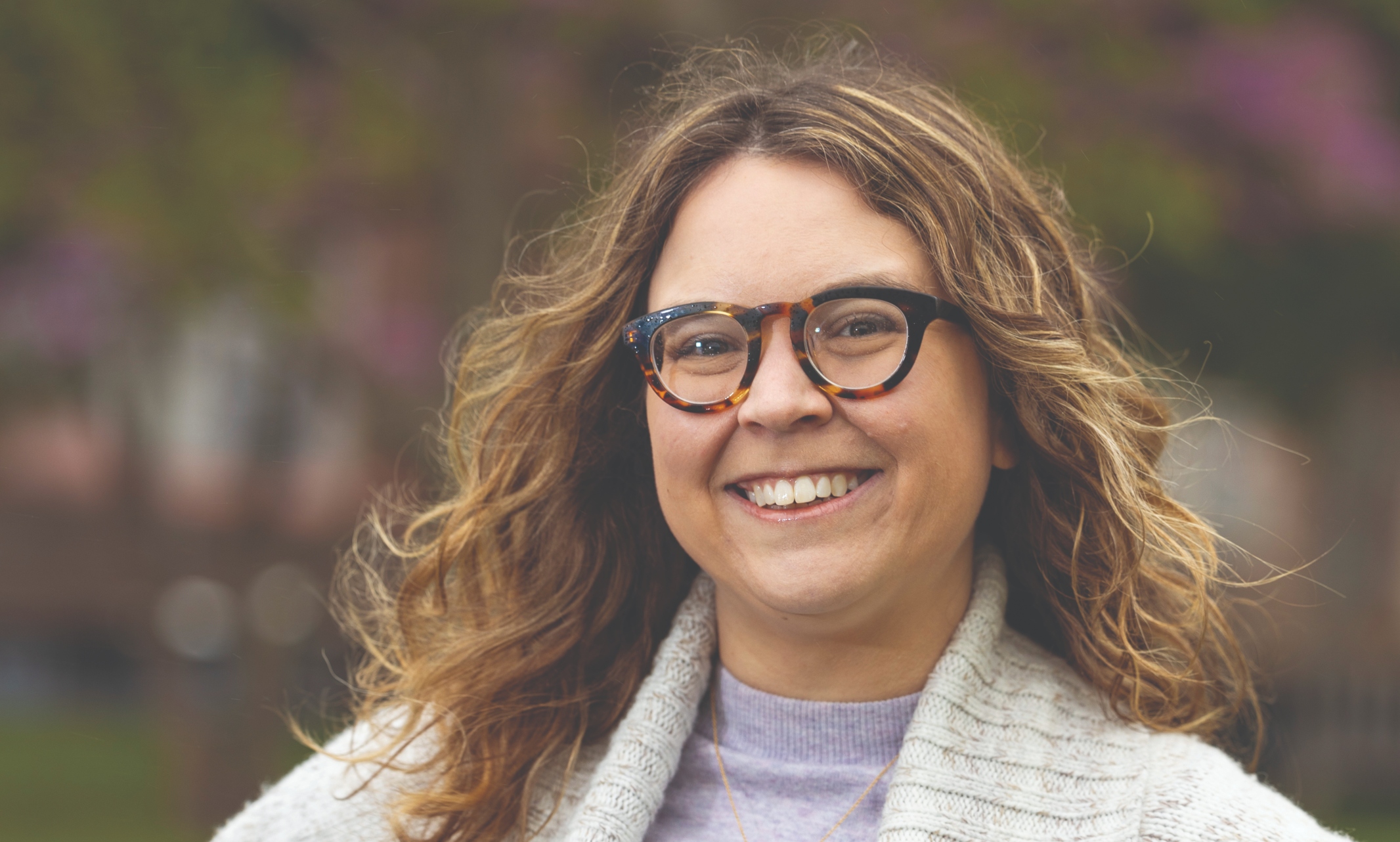
UMKC Law Foundation executive director Marie Dispenza helps position students to succeed by increasing their access to financial support
Marie Dispenza, J.D. ('05), enrolled in law school with the dream of becoming an entertainment lawyer – but now enjoys helping law students achieve their dreams through philanthropy and mentoring. “I had no idea what it took to become an entertainment lawyer,” Dispenza said. “I knew about networking, but I didn't know how to do it. I just didn't know what I was doing.” Instead of practicing law, Dispenza found a new calling close to home. “I am kind of a do-gooder deep down,” Dispenza said. “That is what ultimately led to me to the non-profit sector.” Dispenza found the most value in the personal connections made at UMKC. Many School of Law alumni with practices nearby are willing to mentor the next generation. It’s a tight-knit community in the big city. She didn’t need legacy connections to build her success. She could build them with the help of the UMKC family. “Whether I actually know someone, or someone who can introduce me, it's very helpful in fundraising activities simply because relationship building is so important,” she said. Dispenza returned to her alma mater in 2020 as the director of major gifts and now also executive director for the UMKC Law Foundation. She saw first-hand that additional resources and support are necessary for students to be positioned to succeed, and she is determined to make sure UMKC students, especially first-generation students, have access to both. “People often come to law school because they want to make a difference,” Dispenza said. “I want to support the person who wants to do good work but maybe doesn't come from a privileged family or one with a legacy in the legal community.” Barbara Glesner Fines, dean of the law school, was one of Dispenza’s professors when she was a student. Both expressed joy at the opportunity to work together again. "Marie is leading the law school’s effort to expand scholarships that open the doors to a legal education, especially for the nearly one-third of our students who are first-generation college graduates. For our many students who dedicate their careers to public service, these scholarships permit them to follow that career path free of crushing student loan debt,” said Glesner Fines. “Marie’s talent and passion is engaging donors and volunteers to realize their own visions for making our community more compassionate and inclusive.” Even all this time after earning her law degree, Dispenza still has her sights set high. She wants to see the non-profit sector flourish and innovate to see greater gains for their causes. She’s excited to continue with the Law Foundation to bring a diverse group of difference-making lawyers into the fold. “I think that it's really important to me to be a part of changing that narrative — to build foundations for nonprofits that need a little bit more stability and efficiency,” she said. “Tying up loose business ends like that is the boring stuff that nobody really wants to talk about, but that is what jazzes me up.”
Jun 30, 2022
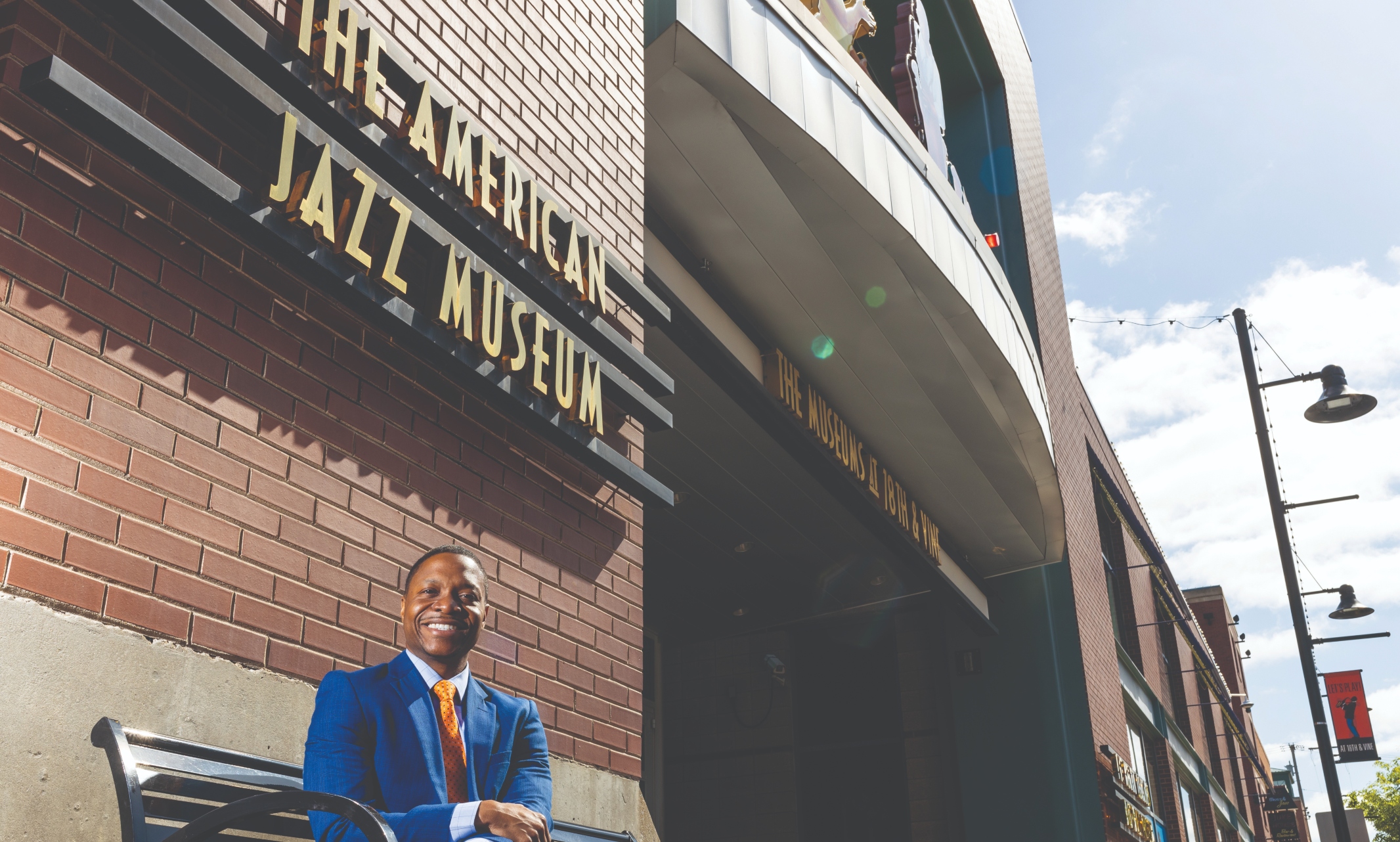
Attorney Shaun Stallworth found his calling advocating for underrepresented law students and plaintiffs
Shaun Stallworth’s (J.D. ’08) passion for advocacy developed partially out of the discomfort he sometimes felt as one of only four people of color in his first-year class of nearly 200 students at the UMKC School of Law. “I don't know if some folks realize that's a big deal until you walk in those shoes as a first year, with all the other stress you're dealing with,” Stallworth said. “And then add on that you're the only person of color — that's tough.” Although he said he has many fond memories of law school and wouldn’t trade his experience for anything, Stallworth recognizes that his experience may have been atypical. “I'm used to being in places where I may be the only person of color — maybe one of two or three,” he explained. “I've been blessed to have a ton of Black friends, white friends, friends of different colors. But at the same time, it always is still something that is unique to you, when you're one of only a few or the only one. I didn't have a bad experience, but it's different when you're the ‘other than’ in the room.” That feeling of being “other than” can be especially prevalent among students like Stallworth, who are the first in their family to attend law school. Many of these first-generation law students belong to racial minority groups, which often adds an additional layer of challenge to their educational journey. Those challenges they face don’t simply disappear the moment they arrive on campus. Stallworth remembers feeling a unique pressure in the classroom environment at times, for example, when discussing historic segregation cases. “When there's a question that kind of touches on the race thing, your friends and classmates look to you to be the monolith for all things Black,” Stallworth said. “Even though I don't mind expressing my opinion, that's some additional stress that maybe some others don't have.” Stallworth’s experience led him to begin his enduring work of breaking down the barriers that cause people to feel excluded, marginalized or “other than.” During his third year of law school, Stallworth served as president of the Black Law Students Association. Frustrated by the lack of diversity he had noticed within the law school, Stallworth decided to take action. He contacted leaders of the Hispanic Law Students Association and Asian American Law Students Association to discuss solutions to attract and support students of color. Stallworth led the small group of student leaders in planning a banquet at the Kansas City Marriott Country Club Plaza, raising an impressive $30,000 and establishing the first Pipeline Scholarship at the UMKC School of Law. Stallworth said he takes pride in having initiated the annual student-run scholarship that helped create opportunities specifically for individuals of color. “Being the leader of that effort definitely meant and means a lot to me,” he said. “To be able to give scholarship money back to other students who look like you and get more people in that position to see more (similar) faces in the classroom — that was something special to me.” The complex issues of inclusion and representation persist within higher education, but Stallworth said he applauds the law school for making concerted efforts to increase diversity over the years. Those efforts include the formation of a new alumni diversity committee and the Ellen Y. Suni Opening Doors Scholarship Endowment to support a first-generation law student each year. “I think efforts in the school have been so committed to this,” said Stallworth. “I'm currently on the UMKC Law School Alumni Board, so I can certainly attest to the efforts that (former) Dean Suni and Dean Glesner Fines have made. They’re doing some great things with the students.”
A native of Slidell, Louisiana, Stallworth grew up surrounded by the rich sights, smells, tastes and sounds of a region that is world-renowned for its cross-cultural and multilingual heritage. “I always tell people I’m extremely blessed that I got the best of both worlds,” Stallworth said. “On one hand, I grew up in the suburbs of New Orleans, so I was able to go to some of the better schools in one of the better parishes in a state not known for its education. At the same time, I was close enough to be able to partake of everything that was part of that Southeast Louisiana culture.” Stallworth and his parents, a teacher and a computer programmer, lived only about 30 minutes away from Bourbon Street. But they were far enough away from the urban core to allow Stallworth to have plenty of what he calls “Tom Sawyer moments” — jumping off train trestles into the Mississippi River and swinging on tires suspended by ropes while alligators lurked below. Stallworth remained in Louisiana while earning his undergraduate degree in communications with minors in French and business administration at LSU. A few years before Stallworth applied to law school, his mother suffered a medical malpractice ordeal that would shape her son’s future career path. She injured her back in an accidental fall and needed surgery to repair the damaged disc. Unfortunately, the surgeons left pieces of sponge in her back, where they remained for nearly two months causing infections and other complications throughout her entire body. Watching his mother suffer so much through no fault of her own was a “big jolt” to Stallworth that sparked his initial interest into becoming an attorney. “I always thought that was kind of messed up what happened to a regular person like my mother, who works hard and does what she needs to do,” he said. That experience led Stallworth to pursue a law degree and become the first lawyer in his family. Years later, Stallworth, currently working as of counsel with Holman Schiavone, LLC, has built a successful law practice seeking justice for individuals who, like his mother, have been wronged in some way and need assistance. It took some time for Stallworth to settle into his niche within the legal profession. Throughout law school at UMKC, Stallworth clerked with the large international firm Sonnenschein Nath Rosenthal, LLP (now Dentons US LLP) and briefly with the Missouri Court of Appeals. At that time, Stallworth considered becoming a prosecutor. Then, as Stallworth’s studies were winding down, Sonnenschein presented him with a profitable opportunity he couldn’t refuse. “They certainly were offering more money than I had ever made before, or my parents had ever made, so I took the opportunity to go to do big law,” Stallworth said. Over the course of the next five years — from 2008 to 2013 — he represented large companies like Walmart, Lowe's, Sam’s Club and Harris Bank. While lucrative, the dense nature of large commercial litigation didn’t hold Stallworth’s interest for long. He became captivated by the stories fellow UMKC School of Law alumnus Tom Ralston (J.D. ’08) shared with him during their workout sessions at the gym. “He'd always have these great stories about doing employment law,” Stallworth said. “And he told me this really interesting story about what happened in this case and that case. And I thought, ‘Man, that seemed like so much fun.’ ” When Stallworth eventually met Ralston’s colleague Kirk Holman (J.D. ’99) at an Inns of Court event in 2012, the two struck up a spirited conversation about plaintiff work and bonded over similarities in their upbringings. Holman, known as one of the most well-respected plaintiff attorneys in the region, inspired Stallworth to seriously consider making a career change. “(Holman) had a lot of passion for what he was doing, and that mattered to me,” Stallworth said. Months later, Stallworth met with Anne Schiavone (J.D. ’99), Holman’s partner at the firm. Schiavone convinced him that he could do more enjoyable, less stressful work without sacrificing the kind of income he earned at the large defense firm. That leap of faith to the opposite end of the legal spectrum paid off for Stallworth. The supportive, collaborative environment at Holman Schiavone, a firm made up almost exclusively of UMKC School of Law graduates, has allowed Stallworth to thrive while finding greater purpose in his work. “On the plaintiff side, it's a lot of emotion, a lot of times, because this is someone that feels like they've been wronged — they've been treated differently — on the basis of their race, their sex, their age, their gender, whatever,” Stallworth said. “Sometimes you get a really good result of potentially, if used correctly, life-changing money for some people. You're able to take something that was a really bad event that happened in their life that they’d probably rather forget about, and then get them some type of compensation — something that will help them push past that particular point in their life.” His positive energy and willingness to take on cases other attorneys reject sets Stallworth apart in the eyes of his clients. He once represented a Black man alleging race discrimination and retaliation in a lengthy case against a casino. Overcome with gratitude, Stallworth’s client broke down crying when the resolution finally came down in his favor. “He said, ‘This has just been so stressful for me and my family. I feel like I lost my I lost my livelihood for a company I've been with for 15 years. You got me here. You stuck with me, and I appreciate that. God bless.’” His client’s emotional reaction touched Stallworth deeply. “That was something right there,” Stallworth said. “That was coming from his soul, so that meant a lot. I've had a number of those reactions over the years, and it's something that I'm always appreciative of. I don't take that lightly for someone to put their emotions and their feelings on their sleeve like that.” Nearly two decades later, Stallworth remains dedicated to the objective he established as a student at the UMKC School of Law — increasing diversity within the legal profession. Past president of Jackson County Bar Association, one of the oldest African American bar associations in the country, Stallworth remains actively involved in community enrichment efforts by mentoring potential law students, fundraising for scholarships and conducting legal writing workshops. Knowing he may have contributed to somebody's professional success brings Stallworth immeasurable joy. “I've been able to stay in touch with potential law students that have gone on to become law students, and then gone on to become lawyers,” Stallworth said. “And that's been really cool to see.”
Jun 30, 2022
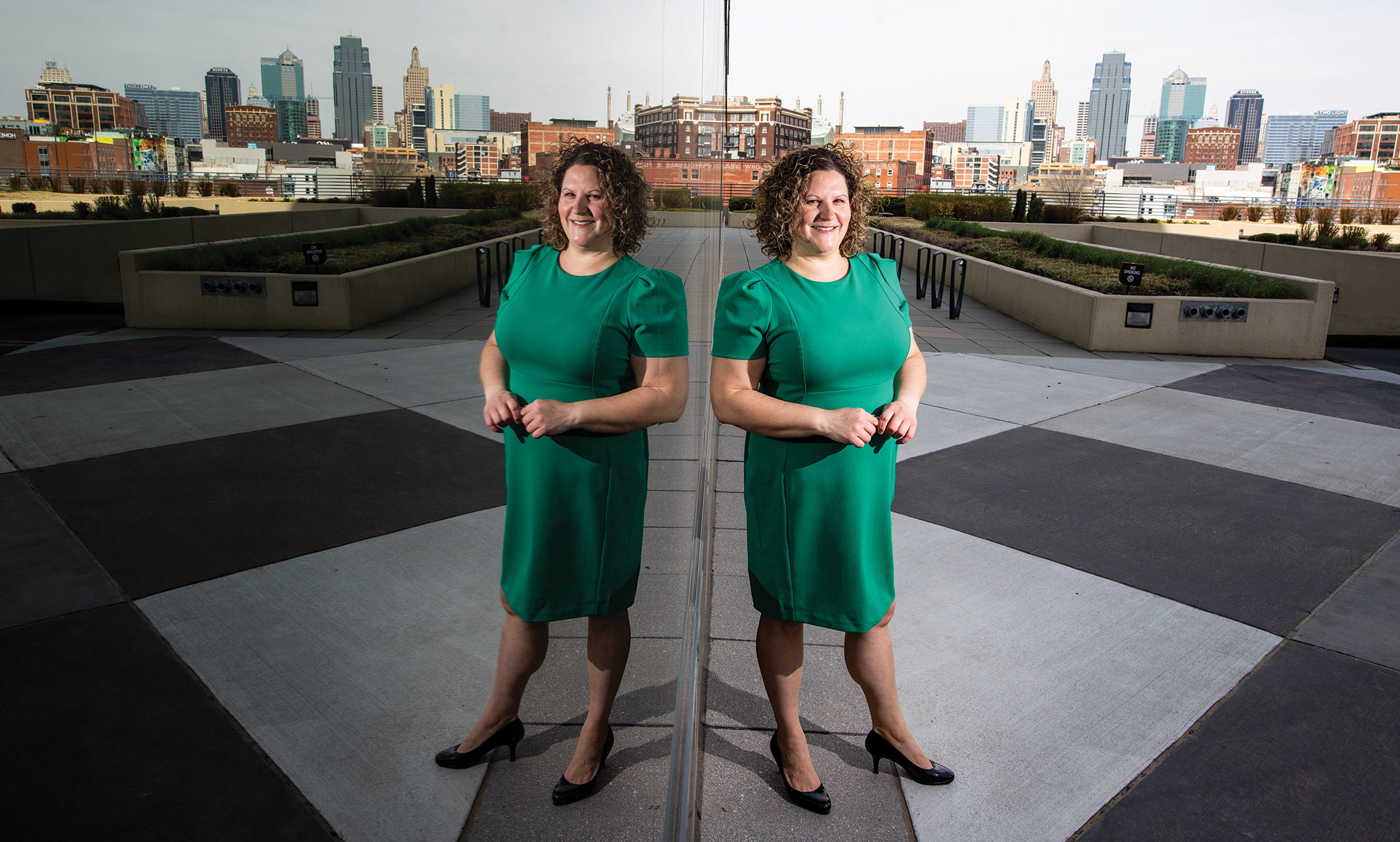
Associate city prosecutor adds significant volunteer work to demanding job and single parenthood
A mentor’s suggestion sent Jesse Sendejas (B.L.A. ’03, J.D. ’05) on the road to law school and a career dedicated to criminal justice in Kansas City, Missouri. Despite her demanding schedule, she finds time to volunteer in the community.
Sendejas worked at a doctors’ office during her first couple years of college at UMKC. When the practice split, she spent time with the attorneys who worked on the establishment of one of the doctor’s new practice. While observing Sendejas’s interaction with the team, her boss suggested her future career path.
“She asked me what I was planning to do, and I said I was interested in business,” Sendejas said. “She said, ‘I think law school would be a good idea for you.’ Even though I knew I wanted to go to college because I wanted a career, I didn’t know anyone personally who was an attorney growing up. But after her suggestion, I hit the ground running. Within six months I had taken the LSAT.”
Following graduation, Sendejas pursued civic work. Over time, she joined the Kansas City Prosecutor’s office. Shortly after, she began to pursue volunteer opportunities.
“After I started my permanent position with the City of Kansas City, I wanted to do more volunteering in the community, so I started volunteering at Big Brothers and Big Sisters of Kansas City and the Kansas City Metropolitan Bar Association Young Lawyer's Section, Public Service Committee.”
Her volunteer work with Big Brothers and Big Sisters led to a long-term relationship with her Little Sister, Jasmine, who is now an adult. Sendejas was a critical component of emotional and physical support of Jasmine through high school, including taking her to school when Jasmine’s mother was unavailable. She helped Jasmine apply and get accepted to college.
“Based on my experiences as a first-gen law student, I remembered how hard it was to do all of that alone and not know what resources were available. Probably subconsciously, that is why I have always wanted to mentor kids. I’ve seen the positive impact just a little encouragement can do. I wanted Jasmine to know that she could go to college – and a college away from home.”
The two are still in touch, even though Jasmine is in her early twenties.
Her volunteer work with the KCMBA has been equally rewarding.
“I volunteered and attended meetings for a few years until I became the co-vice chair of the committee. Then I worked my way up in the KCMBA leadership.”
Over the years, she’s found that KCMBA makes valuable contributions to the community, as well as connecting attorneys from all practice areas, and working for justice in the legal system.
“I think all of that is important to promote and be involved in,” she said. “In addition, being able to connect with attorneys I otherwise wouldn't have the opportunity to has really helped me both in my career and on a personal level.”
Recently, she has collaborated with other KCMBA members at large at the board’s annual, “Board Forward.”
“Board Forward is our annual board meeting. We don’t ‘retreat.’ We move forward,” she said. “This year we worked with different sections of the organization to see if proposed ideas were feasible. And, if they were, how we could make them happen.”
One proposed project was to see if the organization could provide free first year memberships for recent law school graduates.
“We were able to make this happen for first year graduates by restructuring fees for all members.”
Outcomes like this are satisfying and keep Sendejas involved despite her busy schedule as a single parent.
“Being an attorney is hard work and at times extremely stressful, so being able to step away from that stress and see the joy you can bring to others is so fulfilling. And now that I am a single mother, I want to be a good example for my son and hope he will do the same one day.”
Sendejas loves Kansas City and being able to make a difference has always provided her joy.
“I like the collaborative work that we do here,” she says. “I like helping people figure out the solutions to their problems and get back on track. It’s always interesting, because every person is different in the challenges they’re facing and what they need to address them.”
There are days when Sendejas is frustrated with a case’s outcome, but she has confidence in the system. Her relationships with her colleagues often provide insight.
“Our judges are thoughtful and willing to share their perspectives. I’ve been in the prosecutor’s office for more than ten years, so I’ve established good relationships. It’s helpful for me to understand their process.”
The job is demanding, and there are times when there is more need than the time to address it. But Sendejas’s commitment is significant.
“I love my job,” she says. “It’s very demanding, and we have a lot of cases going on at all times, but there is reward at the end of each case knowing that you’ve helped someone. It may be the defendant or the victim – or both – but to help someone get on the right path and seeing that kind of work through to the finale and making sure justice is served is satisfying.”
She is aware that defense attorneys may hear more success stories and receive client appreciation, but she does hear success stories.
“A lot of people just make mistakes, like getting too many traffic tickets, and these are not reasons to ruin someone’s career or impede their ability to get a job. There needs to be consequences, but it’s not necessary to ruin their whole life.
Sometimes I get a call from a victim letting me know that the process was helpful for them, or that their concerns were addressed. That is the most rewarding feedback.”
Jun 30, 2022
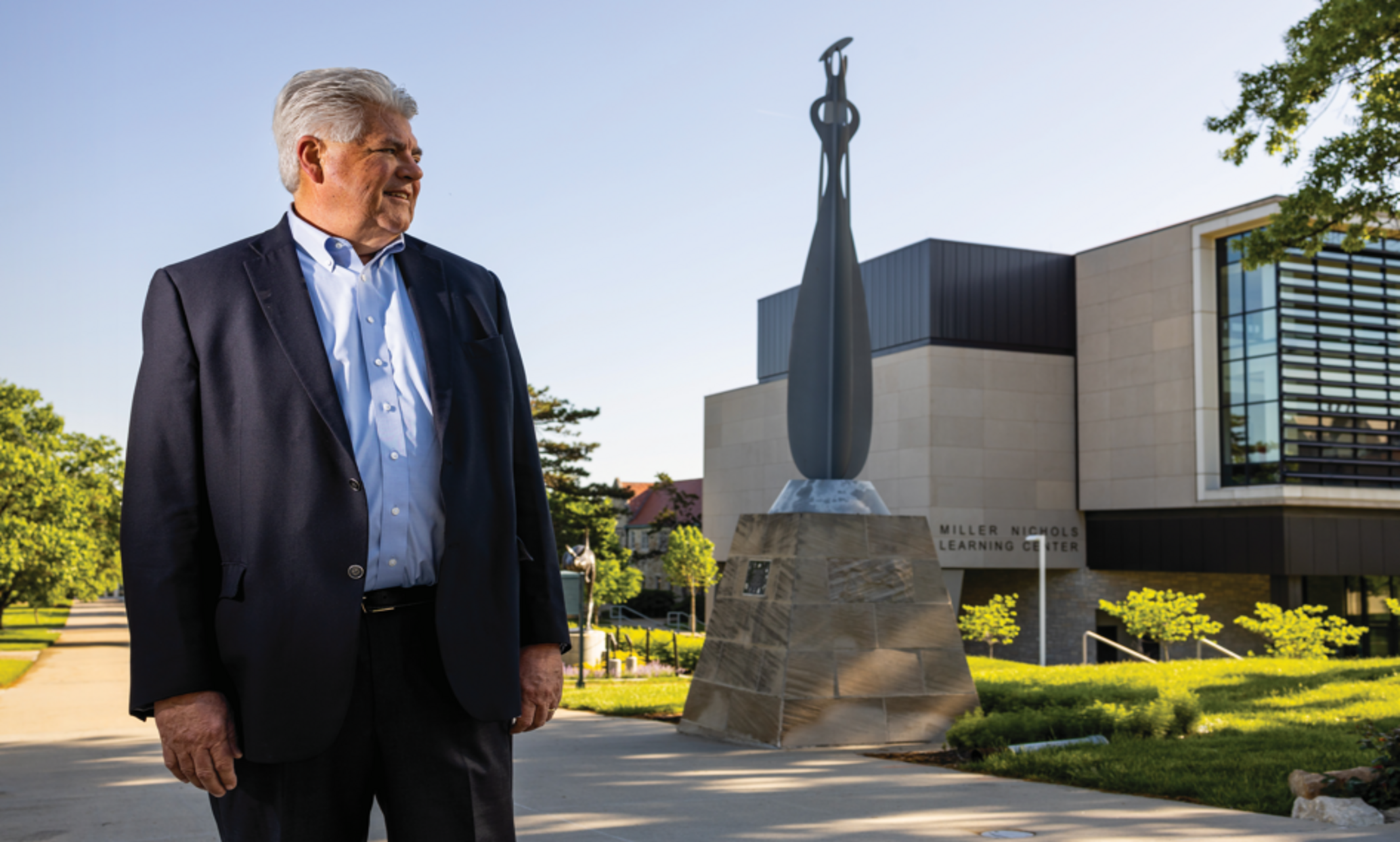
Hard work and persistence paved Judge Robert Altice Jr.'s path to the bench
As a young man, Judge Robert R. Altice Jr. (J.D. '87) was so unfamiliar with entering law school that he submitted his application too late to be accepted.
But that slight misstep early on did not keep him from a distinguished career that led to a seat on the Indiana Court of Appeals, the second-highest court in the state. Support from his family and a tenacious spirit allowed Altice to overcome the challenges he faced as a first-generation college student and rise to the top of his field.
Ascending the Legal Ranks
Altice began his legal career in Kansas City handling felony cases under Jackson County Prosecutor Albert Riederer. He remembers starting in the office his first day after passing the bar. Sitting at his desk, the boss came up with a stack of papers saying, "These are yours. There's a couple of murders in there. Get 'em worked up and get 'em ready for trial," Altice recalled. "They really kind of threw you in there."
After leaving the prosecutor's office, Altice focused on medical malpractice defense at the Kansas City law firm of Shughart Thomson & Kilroy, which later merged with the firm that is now Polsinello. Altice's memories from Kansas City include learning the ropes from assistant prosecutor Patrick Hall and taking law school classes taught by Professor Jack Balkin.
Altice and his family moved to Indianapolis in 1992. After a stint in private practice, Altice joined the Marion County prosecutor's office in 1994. He later won election and served on the Marion County Superior Court when then-Gov. Mike Pence appointed him to the court of appeals in 2015.
Altice had applied for a seat on the court of appeals twice before and had already decided his third attempt would be his last. Altice got to share high-fives and leaps of joy with friends upon getting word of his appointment when the governor's call came while Altice was on the golf course.
After calling his wife and parents, Altice had time to reflect. "I felt like my hard work and my parents' many sacrifices had paid off," he recalled. "I also thought about the huge responsibility I was about to take on and what an honor it was to be selected."
Altice's parents robed him at his investiture.
Humble Beginning
After missing that law school application deadline, Altice took a detour and earned a master's in criminal justice administration at what is now the University of Central Missouri. The silver lining to that change of plans, he said, is that he improved his grades from his undergraduate years and gained the confidence to succeed in law school.
Altice's parents, Robert and Louis, both from Rocky Mount, Virginia, instilled that drive to succeed in their son. Altice's father parlayed postsecondary training at an electronics school in Springfield, Missouri, into a long career repairing business equipment -- everything from calculators to computers. His dad's promotions kept the family on the move, including stops in New Jersey, Ohio and Kansas.
"They talked about their struggles and their lack of education," he said. "I just think they say (college) as the way to be more successful than they were, (and) when you eventually raise a family, to be successful at that as well."
Personal Success
In addition to pursuing his college education, Altice also prioritized his family life. He met his wide, Kris Altice (J.D. '89) when they were undergraduates at Miami University in Oxford, Ohio. Later, Kris joined him in Kansas City and she pursued a law career herself. Kris currently works as general counsel at the Indianapolis construction company Shiel Sexton.
Kris' appreciation for her husband's accomplishments stems in part from their contrasting upbringing, starting with the fact that she lived in the same house throughout her entire childhood.
The world of college was hardly a mystery to her when it came time to apply. Her parents met while attending Purdue University, and her mother served on the board of trustees at DePauw University. At age 33, and as the mother of five children, Kris' mom went back to school to earn her law degree, landing a position at a large Indianapolis law firm.
Small-town success stories typically involve kids whose parents were community leaders, like the sheriff of the superintendent or the principal, Kris said. Less frequent, Kris continued, is the tale of a boy who came from a family where the dad fixed typewriters and the mom prided herself on how she folded the laundry and cleaned the house.
"He came from nothing," she said. "He has an appreciation for all walks of life. He can befriend the wallflower, and he knows how to connect with people and reach out. He works hard, and when he says he is going to do something, he gets it done."
Her husband's transient childhood molded him into an extrovert, Kris said. He's the kind of guy who would befriend the elevator operator when such positions still existed, she said. The "overwhelming delight" of the overflow crowd at the ceremony marking his appointment to the court of appeals demonstrated the friendship and respect her husband enjoys.
The couple has two children: Kathleen, 27, and Jack, 30. Both kids followed in their parents' footsteps to attend Miami University. The Altices also have a niece who graduated from the UMKC School of Law this year.
An Honorable Achievement
Altice's parents are now retired and living in Tulsa, Oklahoma. All three of their children graduated from college, an accomplishment that brings them great pride.
Kris said it's likely that if you run into her mother-in-law at the grocery store, she will find a way to work in that she has a son who is a judge. And notes or cards from her always come addressed to the Hon. Robert R. Altice Jr.
"It's hysterical," Kris said. "There's no 'Bob.' She is so darn proud. It is just absolutely amazing. It brings tears to her eyes thinking about it."
Jun 30, 2022
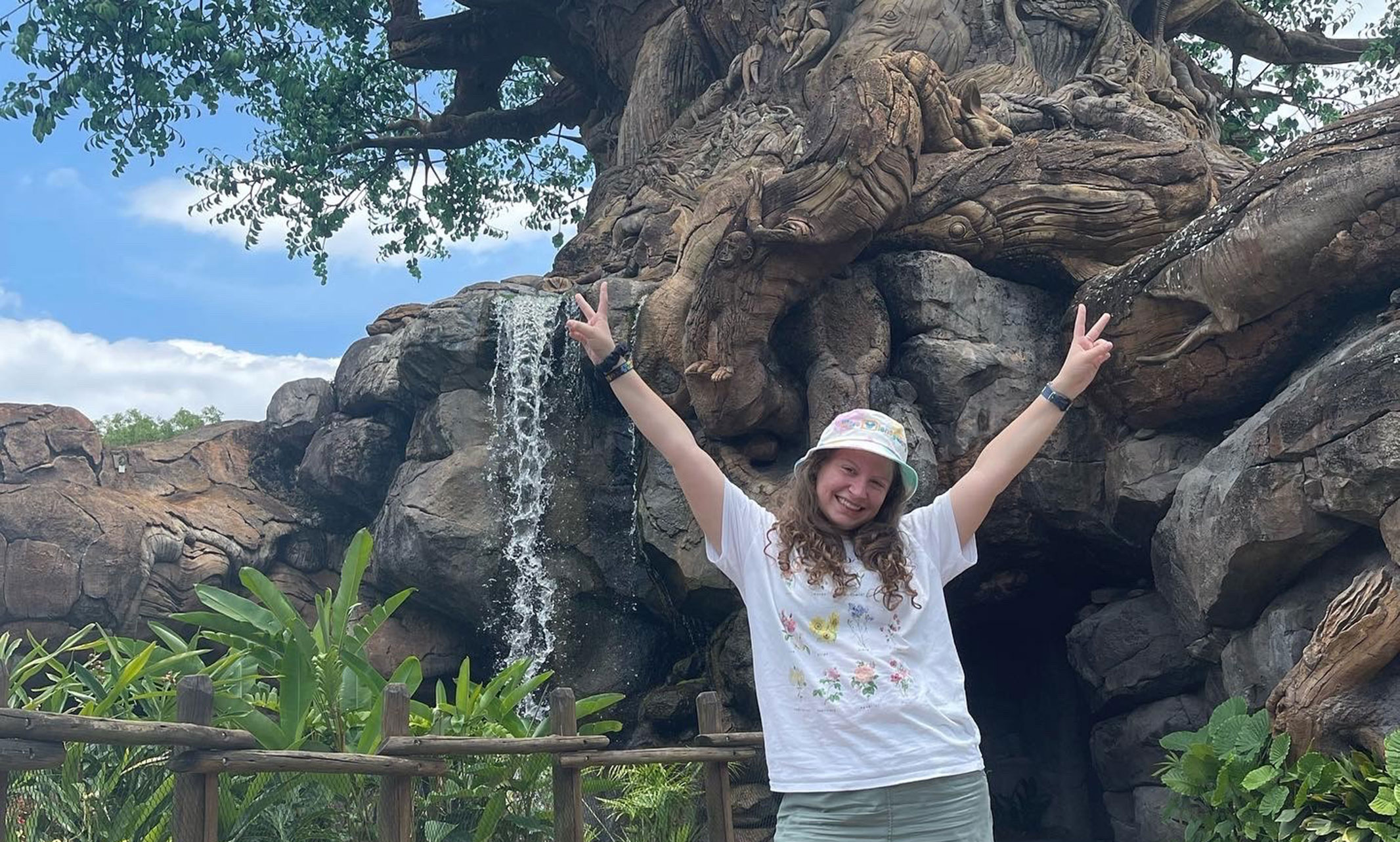
Psychology student makes magic with her internship
Alyssa Schulz (’25) wanted to participate in an internship while she was studying psychology and criminal justice at UMKC. That’s when she decided “I’m going to Disney World!”
The Disney College Program offers a variety of employment and learning opportunities for college students from across the country. These students are still called “cast members,” like everyone else who works for the Walt Disney Company. Schulz was accepted for the Fall Advantage program in a merchandise role at the Port Orleans Riverside resort, which means she will work with the company from May until January. Schulz sat down with us to share some of the magic she gets to experience as a Disney College Program cast member.
What gave you the idea to apply for the Disney College Program?
I heard about it first at one of my jobs. Someone said they had applied, but it was during COVID. The program got canceled that year, but that's when I first heard about it. At my other job, my managers used to work at the Disney Store near me, and they knew about it. That’s when I really looked into it because it sounded so fun. I thought you had to live in Orlando already and work there forever. When I found out I could just be there for seven months, it seemed really cool.
Looking ahead, what are you hoping to get out of your program?
I’ve found out I really want a career in hospitality. Disney is a big company, and I’d love to continue in it. Working at the resorts is so chill and fun, so I’d love to stay on that path after I get my degree.
What would you say your time at UMKC has done to prepare you for an opportunity like this?
I think UMKC is such an inclusive university. I've seen so many different types of people, and all the professors are very open to whoever, and so is Disney. I know UMKC encourages students to do internships, and I even talked with the chair of the psychology department while I was applying. Even though it doesn't technically align with my major, she was so excited for me. Everyone's so kind and supportive, and I'm grateful about that.
What is your favorite part about working at Disney World?
I love interacting with so many different people from all around the world. And again, it's a very inclusive company. Those two things mean a lot to me: meeting new people and being very inclusive.
What's your favorite part of going to the theme parks?
I love the rides. The new Guardians of the Galaxy roller coaster in Epcot is amazing. Rise of the Resistance in Hollywood Studios is a good one. Also, the Peter Pan ride in Magic Kingdom is a classic.
Jun 29, 2022
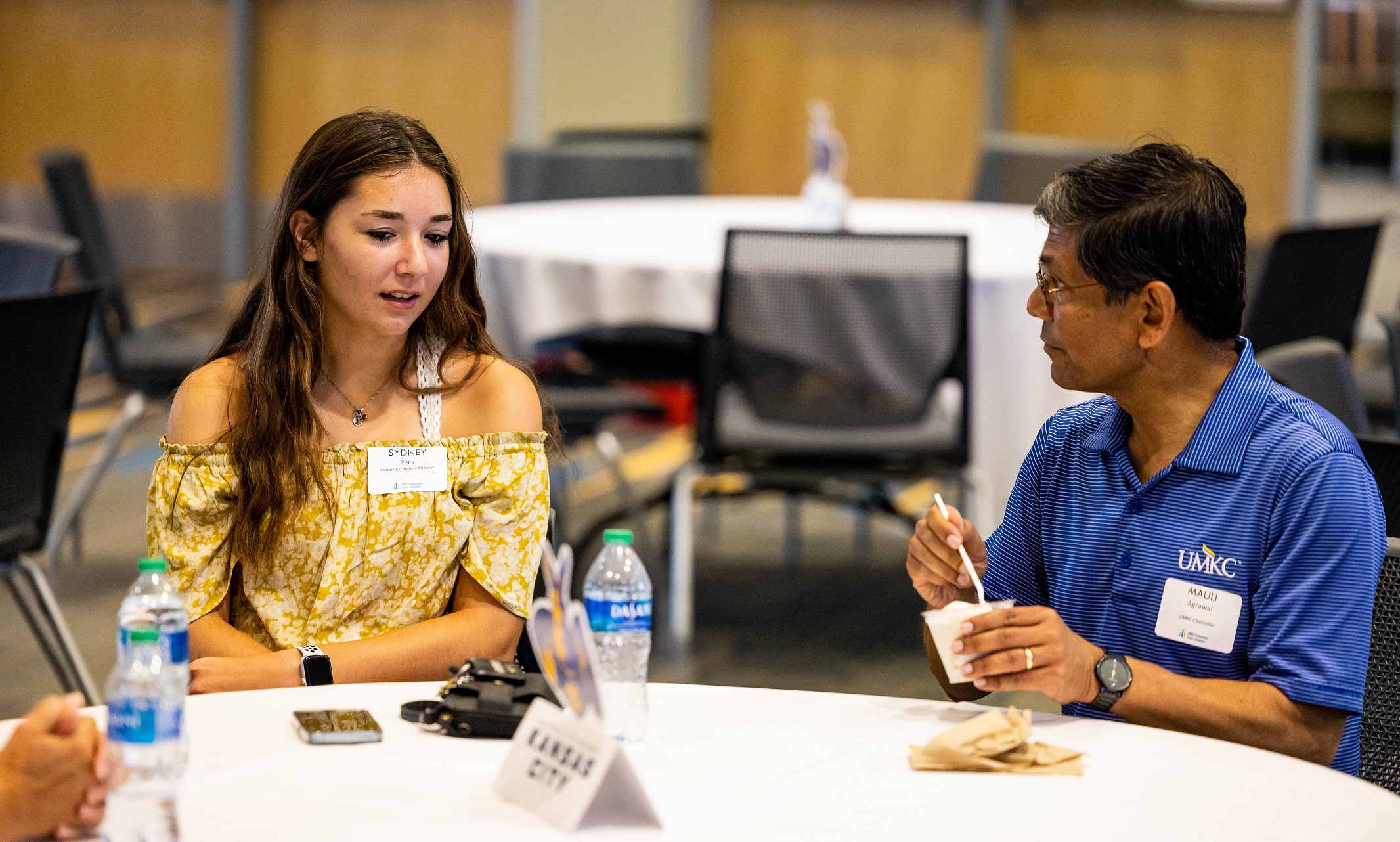
UMKC welcomed students from the first Escalators cohort to campus
UMKC’s new initiative, Professional Career Escalators, kicked off last Saturday with an ice cream social and welcome event.
Students in the inaugural cohort were invited to campus to get to know each other and meet community members, faculty and staff they’ll engage with during the program. Betty Rae’s ice cream truck provided sweet treats.
“We’re so excited to finally kick off the first year of the Professional Career Escalators program,” said Mako Miller, director of the program. “We’re helping students bridge the gap between academics and the professional world. They’ll have a better understanding of life after graduation and what they want to do with their careers.”
The signature Professional Career Escalators program is a unique, trademarked system of personalized support and services unlike anything being offered across the U.S. It is designed to propel students from their academic studies to good-paying careers by providing a dedicated, GPS-guided path from enrollment to workforce. The program involves mentors from local business and organizations, internships, networking and employment preparation in key areas of workforce demand: health care, engineering, business, education and law and justice.
There are 100 students in this cohort, all of whom will begin their time at UMKC this fall as first-time freshmen or transfer students. Through the Escalators program, they’ll have opportunities to explore their interests through applied learning experiences and mentoring, as well as develop their career and leadership skills.
We asked some of these students what attracted them to the Professional Career Escalators program.
Michael Viermann, second from right
Michael Viermann, Raymore-Peculiar High School: “I saw the big headlines that said $1,500 scholarship. Money is always an issue. I want to be a doctor, which is a little scary, and I thought the program would help me. And my brother goes here, and I love Pizza 51.”
Aaliyah Daniels, left, and friend.
Aaliyah Daniels, Sumner Academy High School: “I saw that there was a law and justice option and I want to learn more about that, for when I go out into the community to help people.”
Paris Yates
Paris Yates, Hermitage High School: “I liked the health care aspect. I think it can help me with communications skills and leadership skills, and help my career path.”
Dunia Qakei, far right
Dunia Qakei, Lee’s Summit High School: “I saw the information about the escalators on my application status page, and I feel like I could fit in. I’m excited for the applied learning experiences.”
Lily Lefferd, left, with her mom Rhonda
Lily Lefferd, Royal Valley High School: “I like the idea of getting the opportunity to explore internships while I’m in college for business administration.”
Sydney Peck, far right, with her family
Sydney Peck, Staley High School: “I am very involved in music and I am interested in health care as a career. I like that UMKC has joint research with the Conservatory and School of Medicine.”
Jun 28, 2022
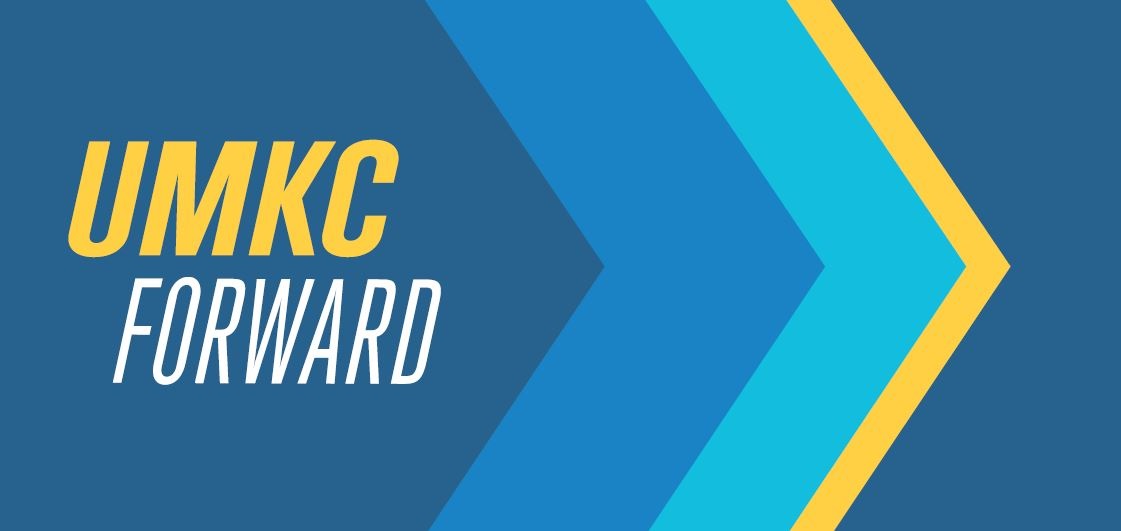
Schools and departments realign for stronger future
The UMKC Forward academic realignment, designed to optimize resources and better serve UMKC students and community, will begin on July 1. Significant progress on hiring and program development have laid the groundwork for collaborative research and student success.
In 2020, during the early days of the COVID-19 pandemic, Chancellor Mauli Agrawal announced the formation of UMKC Forward, a collaboration of faculty, staff and students across the university that would develop a new vision for the university’s future. Part of that vision was a realignment of the academic units at UMKC in order to optimize the strengths of the university and the opportunities for students’ career achievement. The official launch of the academic units begins this summer.
Kevin Truman, Ph.D.
The School of Science and Engineering (SSE) will include the divisions of Biological and Biomedical Systems; Computing, Analytics and Mathematics; Energy, Matter and Systems; and Natural and Built Environments. Kevin Truman, current dean of the School of Computing and Engineering, will take the role of dean of SSE.
“We are already seeing significant effects on faculty recruitment and collaborative research as a result of the new structure of SSE,” Truman says. “In addition, our current faculty are forming partnerships across department lines. While this is exciting, the expanded opportunity for our students is limitless.”
Tamara Falicov, Ph.D.
The School of Humanities and Social Sciences (SHSS) will include the departments of Media, Art and Design; Communication and Journalism; English Language and Literature; Foreign Languages and Literatures; History; Sociology and Anthropology; Economics; Political Science and Philosophy; Race, Ethnic and Gender Studies; and Criminal Justice and Criminology.
The SHSS inaugural dean is Tamara L. Falicov, who previously served as associate dean in Arts, Humanities and Area Studies in the College of Liberal Arts and Sciences at the University of Kansas, where she was also a professor in the Department of Film and Media Studies and the Center of Latin American and Caribbean Studies. She will begin work at the School of Humanities and Social Sciences on Aug. 1.
“The focus on undergraduate research at UMKC was a critical component in my decision to pursue the position of dean of SHSS,” Falicov says. “We will continue to expand opportunities for student research in the humanities, social sciences and the arts and amplify the message that the study of human history and experience is critical to our future.”
The School of Education, Social Work and Psychological Sciences (SESWPS) will include the departments of Education Leadership Policy and Foundations, Teacher Education and Curriculum Studies, Social Work Counseling and Counseling Psychology, and Psychology. Carolyn Barber will continue as interim dean for the upcoming academic year while a national search for a new dean is conducted.
Carolyn Barber, Ph.D.
“Through the creation of SESWPS, we are strengthening existing connections among programs committed to supporting the development and well-being of individuals across the life span,” Barber says. “By effectively addressing the social and educational needs of our communities through teaching, research and practice, our new school will have a broad, long term impact that will span across generations.”
Existing units that will remain unchanged are the Henry W. Bloch School of Management, Conservatory, School of Dentistry, School of Law, School of Medicine, School of Nursing and Health Sciences and the School of Pharmacy.
“After months of planning we are excited to see UMKC Forward energize our community,” Mauli Agrawal, UMKC chancellor says. “This is the beginning of a new generation of Roos, who will be immersed in exposure to different disciplines and a new philosophy on what a college education is. It will change the way our students think, the way they act and accelerate their potential in a new era of problem-solving as we emerge from the changes of the past two years.”
Jun 28, 2022
The young professionals are all from different schools at UMKC
Juliana Alvey, a graduate student at the University of Missouri-Kansas City, Myles Howell (MBA '14) and John McGurk (JD '06) have all been named to the Kansas City Business Journal's 2022 Class of NextGen Leaders.
The NextGen Leaders Awards honor 25 rising stars in the Kansas City business community. Winners are selected by a panel of six judges.
Alvey manages internal and external communications for CBIZ's employee benefits division.
McGurk is the vice president of development at Milhaus Kansas City, a development and construction company. Howell is the owner and vice president of strategy for Bardavon Health Innovations Inc., a workers' compensation digital health partner.
To read more about the leaders, click here.
Jun 27, 2022
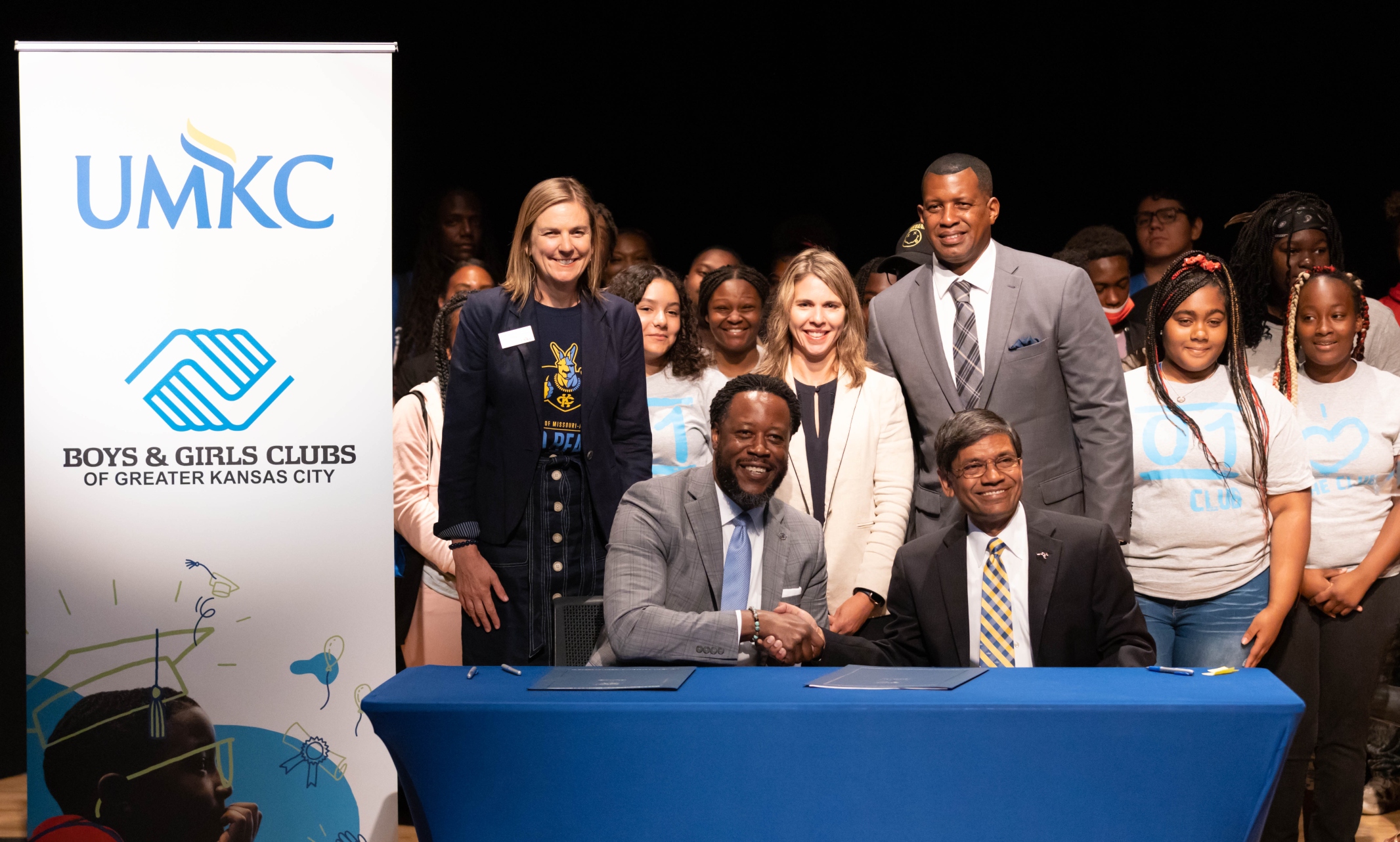
The new agreement provides opportunities for club participants in Greater Kansas City
The University of Missouri-Kansas City and the Boys & Girls Clubs of Greater Kansas City announced a new partnership on Friday that will extend scholarship opportunities to thousands of Kansas City students. The agreement creates the new UMKC Boys & Girls Clubs of Greater Kansas City Scholarship, which grants $1,000 in aid to students who are graduating from a Boys & Girls club program.In addition to scholarship funds, the partnership will also provide an on-campus introduction to campus and college life during the spring or summer prior to students’ freshman year. Once on campus, UMKC will provide students with programs to help connect them to peer mentors who will help navigate and support them throughout their college experience. “I’m proud to be part of this significant and historic partnership,” said Dr. Dred Scott, President and CEO of the Boys and Girls Clubs of Greater Kansas City. In order to be eligible students must be an active member of a club their senior year of high school and have been a member for at least one year prior. At UMKC, students must take 24 credit hours per academic year, maintain at least a 2.5 grade point average and participate in the UMKC Peer Academic Leaders Program their freshman year. During the announcement, Chancellor C. Mauli Agrawal, Ph.D. told Boys & Girls Clubs participants in addition to financial support, UMKC provides support for students making the transition from high school to college. “While the transition to college from high school is exciting, we know it can make some students nervous. At UMKC, we understand that, and we make sure that you will not be alone. UMKC has proven, successful programs that support new students as they transition into college and make sure they succeed,” said Agrawal. UMKC Boys & Girls Clubs of Greater Kansas City Scholarship is renewable up to five years and can be combined with additional awards.
Jun 24, 2022
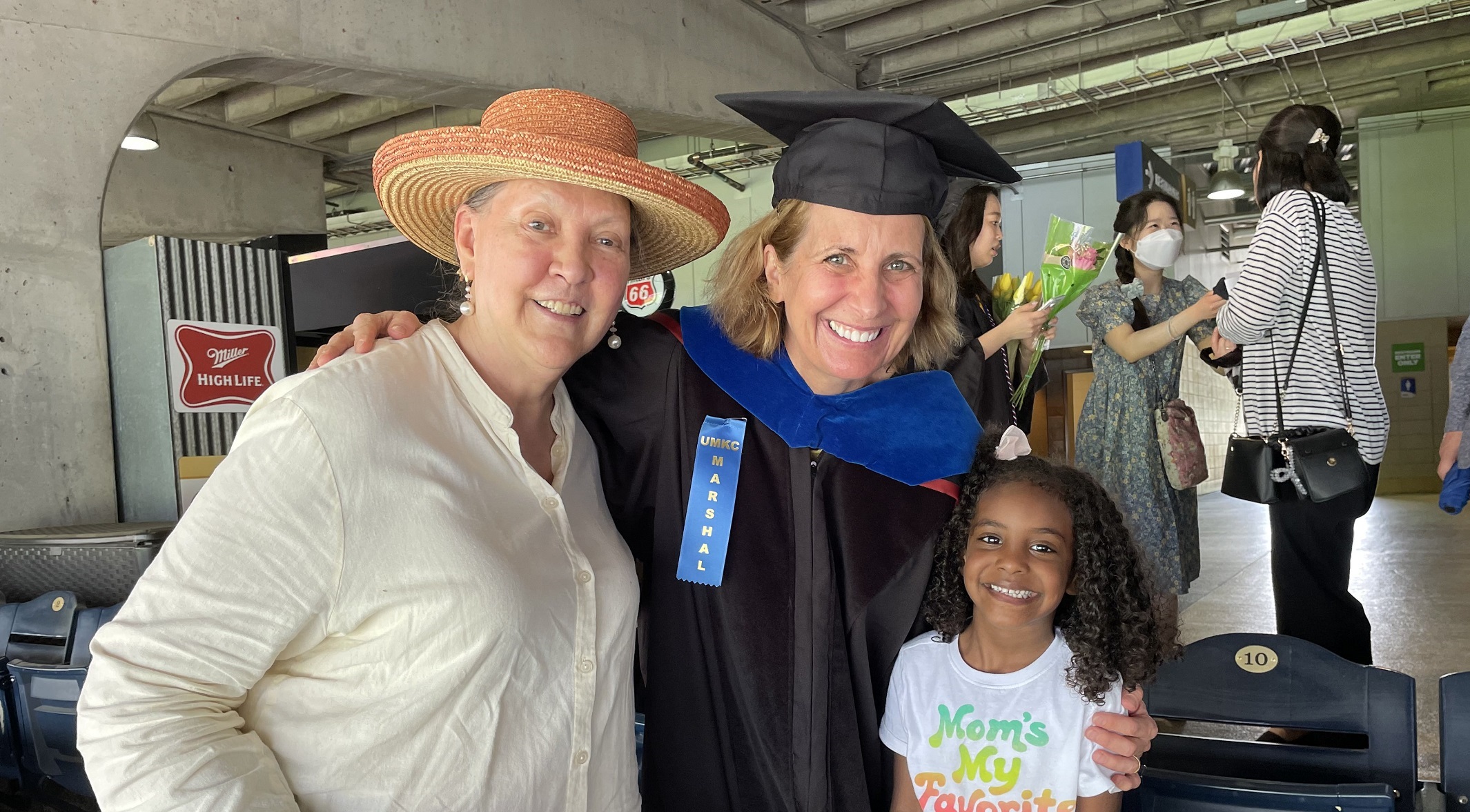
A new profession led to mentoring relationship, gift
Martha Childers, M.A. ‘08, EDSP ‘13 decided to become a counselor after working in libraries for 38 years. An influential relationship with Johanna Nilsson, Ph.D., a professor in counseling psychology, led to a gift to UMKC to establish the Johanna E. Nilsson Scholarship for Diversity and Courage in Psychology.
“I read an article that mentioned that in midlife one of the ways to ward off dementia is to do something completely different with your life,” Childers says. “I remembered that in high school I’d wanted to be a counselor, so I thought I’d pursue that.”
Sixty hours of academic work seemed like a significant commitment, but Childers was determined.
“Once I started the program, I understood why you would need that much coursework. There’s a lot more to counseling than meets the eye.”
During her studies, Childers took a class from Johanna Nilsson, Ph.D. At the end of the semester Nilsson brought her husband and children, who are twins, to meet her students.
“I just thought that was really nice,” Childers says. “After that I asked her to be my advisor. It was totally spontaneous, and she said, ‘yes!’”
It turned out that Childers’s instincts were good.
“Johanna never steered me wrong,” Childers says. “There were times that she made suggestions and I was unsure. For instance, she recommended that I take gerontology. And I said, ‘I am old!’ But she was right. I took two classes, and they were very valuable.”
Childers decided to honor Nilsson in an interesting way by establishing the Johanna E. Nilsson Scholarship for Diversity and Courage in Psychology.
“It’s the first thing I do at the end of the month – figure out my income and what I’m going to do with that 10 percent. It feels good to not be thinking just about myself. I’m thinking about others, which is really healthy.” — Martha Childers
“I donate 10 percent of my income every month,” she says. “I’ve worked in library science and as a counselor. I don’t make a lot of money, but I realized a few years ago that I could set up an endowment and that would honor people who are important to me and provide more security to the organization. A little bit every month adds up.”
Childers enjoys the practice because it is the manifestation of her focus on thinking about helping others.
“It’s the first thing I do at the end of the month – figure out my income and what I’m going to do with that 10 percent. It feels good to not be thinking just about myself. I’m thinking about others, which is really healthy.”
Nilsson was surprised by Childers’s gift in her honor.
“Honestly, I didn’t think I had a big impact,” Nilsson says. “Martha is fun to work with. She is a non-traditional student who has traveled a lot. Her kindness is overwhelming. I’m very honored by Martha’s gift.”
Childers and Nilsson worked on the parameters of the scholarship together. Nilsson often works with students who are refugees or have disabilities, who have to work harder to achieve their goals. For this reason, the pair settled on including “diversity and courage” in the name of the scholarship.
“We both agreed that we wanted to encourage and provide opportunity to students who are not ‘set up’ to get an undergrad degree,” Nilsson says.
For more information on endowments and other ways to support UMKC students, please visit UMKC Foundation, or contact Angela Machetta at amachetta@umkc.edu.
Jun 23, 2022
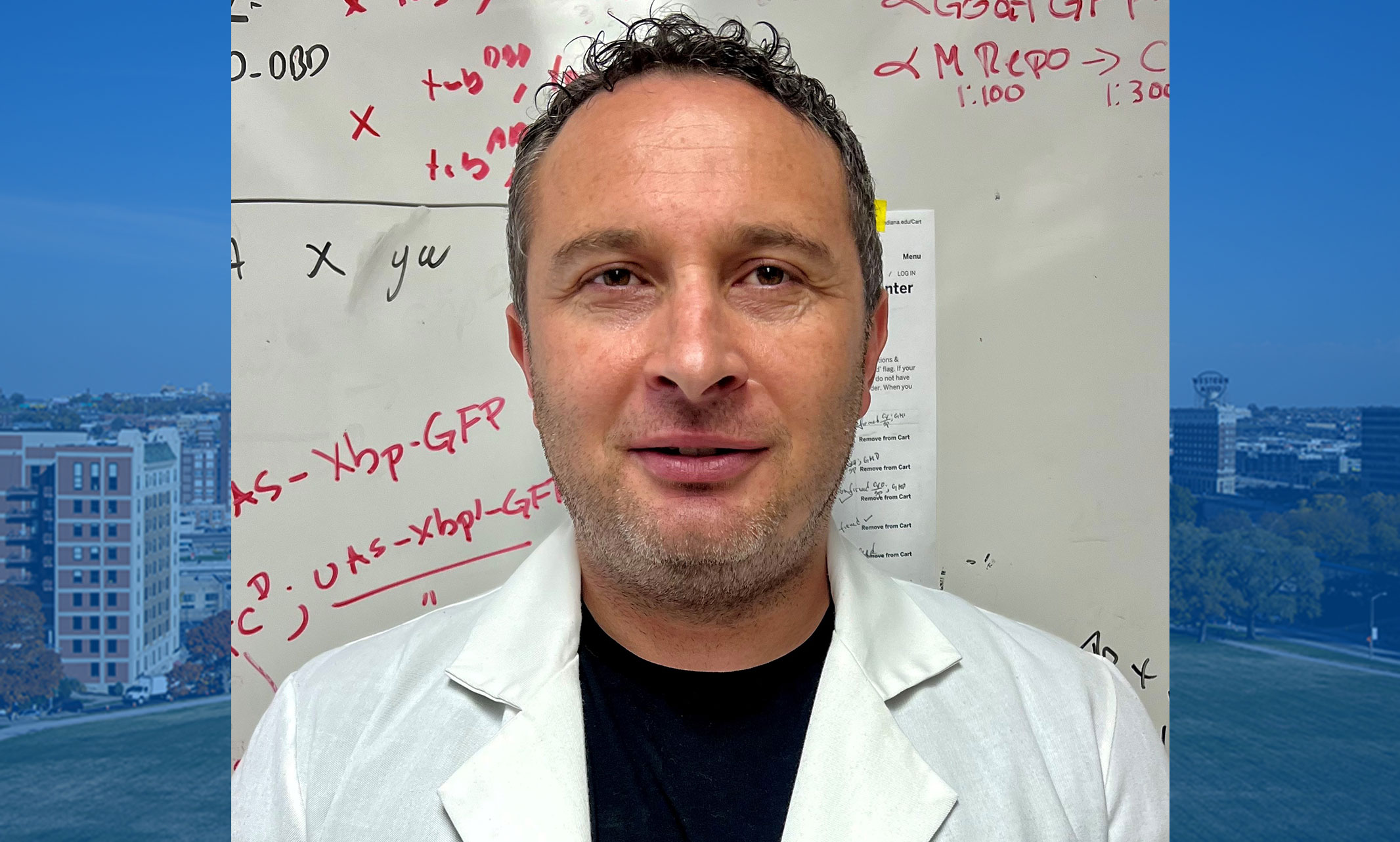
New faculty member attracted by collaboration opportunities
Haluk Lacin, Ph.D., decided to join the UMKC faculty based on his interactions with researchers and staff, and the possibility of departmental collaboration. His research focuses on neural circuit formation and animal behavior.
What brought you to UMKC?
The main reason that attracted me to UMKC is its collegiality. Everyone I interacted with at UMKC during my visits was easily approachable and put in extra effort to be helpful.
Recent changes bringing the School of Biological and Chemical Sciences together with the School of Computing and Engineering into the School of Science and Engineering will be very useful for me and other biologists who want to bring quantitative approaches to their field. Lastly, the school has become a vibrant place for research and teaching with the hiring of several new investigators in recent years.
What is the focus of your research?
In a nutshell, my research aims to understand how a complex nervous system is built during development. Each neural stem cell generates a unique population of neurons, which we call neuronal lineages. In our nervous system, neurons from millions of distinct neuronal lineages interact with one another to form functional networks. Each network - called a neuronal circuit - controls a unique human behavior, e.g., decoding visual information coming from the eyes or commanding quadriceps muscles for kicking a soccer ball. My research investigates how each neuronal lineage is generated and how they come together to form neuronal circuits controlling vital behaviors.
To address these questions, I study the assembly of the nerve cord (equivalent to our spinal cord) of the humble fruit fly, Drosophila. Similar to our spinal cord, the fly nerve cord shows lineage-based organization, but with neuronal lineages whose number is reduced by several magnitudes. In total, 34 distinct neuronal lineages form the fly nerve cord. Over the years, I have generated genetic handles to target and study individual neuronal lineages and with these tools, I have started elucidating the genetic, cellular and molecular control of neuronal connectivity and animal behavior.
What are your research priorities?
I recently have been awarded a research project grant from the National Institute of Health. First, we will investigate how a select group of genes dictate the neuronal lineages where these genes are expressed to form functionally meaningful neuronal circuits. Second, we will investigate how these neuronal lineages control animal behavior, i.e., are they required for walking or flying? We will also study how the removal of each of these genes from individual lineages where they are expressed affects the animal behavior. Lastly, we will complete the missing pieces in our genetic library with which we can target each neuronal lineage individually in the fly nerve cord.
What are you hoping to accomplish with this research?
Millions of people in the U.S. suffer from at least one neurological disease, many of which arise from perturbations in neuronal differentiation and/or circuit formation. Our research leverages the powerful fly genetic model system to uncover the cellular, developmental and genetic basis of neuronal differentiation, neural circuit formation and behavior. Given the highly conserved nature of nervous system development from flies to humans, our research aims to uncover conserved genetic principles that underlie neural circuit formation and behavior from flies to humans, which will inform on the cellular, developmental and genetic basis of neurological diseases in humans.
How involved are research assistants in your work?
I have been working together with a team of talented research assistants and my work would not be at its current level without their input. We have had opportunities to learn from one another. What I observed from my experiences is that working with others results in creativity, innovation, and most importantly better engagement.
Jun 22, 2022
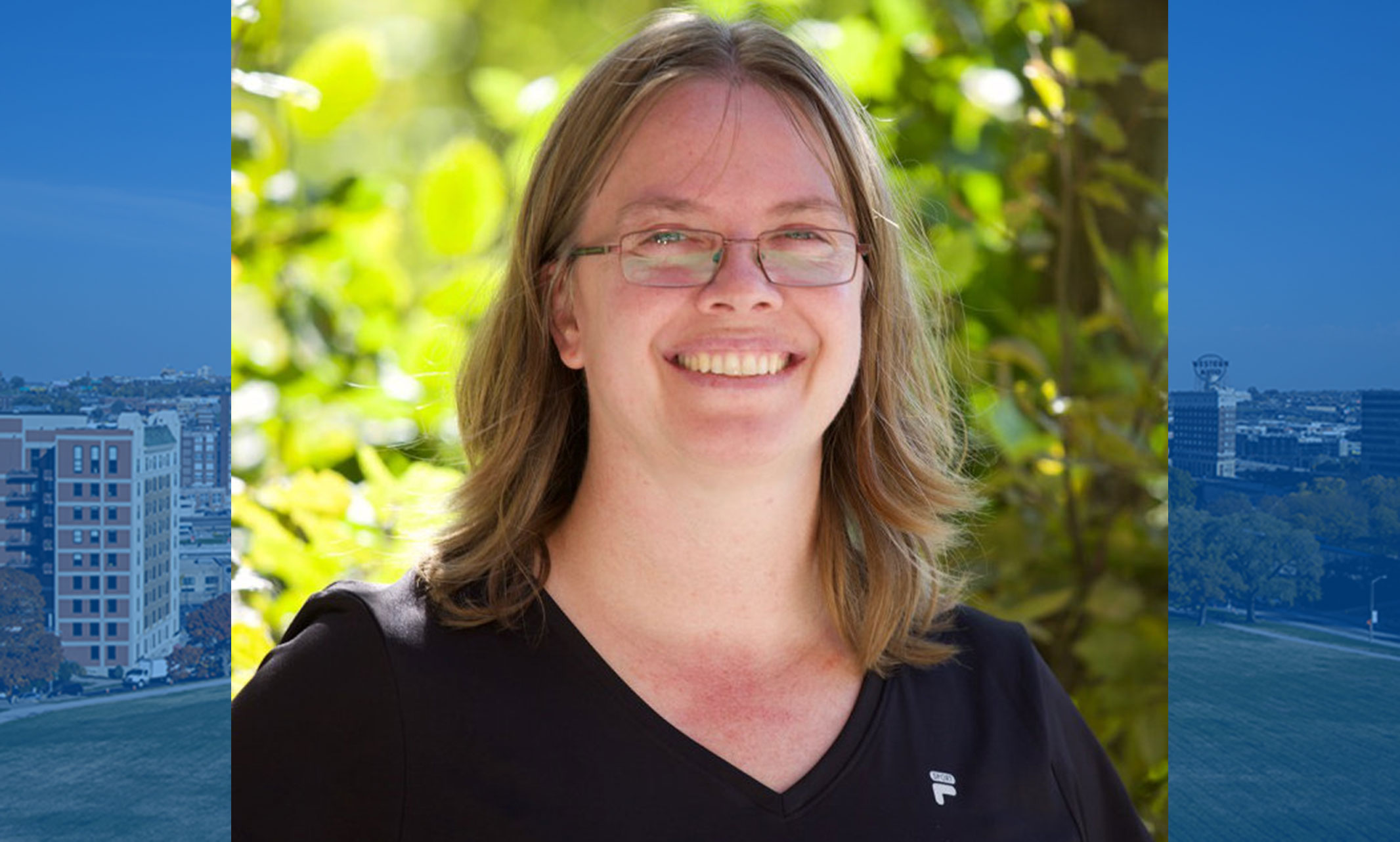
New researcher’s focus is microscopy, transcriptomics
Maria Spletter, Ph.D. is originally from the Midwest. She was thrilled when her expertise in microscopy, transcriptomics and muscle biology made her an ideal fit with the new School of Science and Engineering.
Spletter’s research focuses on how muscles attain different contractile properties during development. The proteins that build muscles are encoded by genes in our DNA, and one way muscles can fine-tune their function is by producing different versions, or isoforms, of the same gene through alternative splicing.
This process is important, and it is often disrupted in muscle diseases, leading to a loss of muscle function.
“My research interests are focused on understanding the regulation and function of RNA-processing during muscle development,” Spletter says. “To do this, we employ diverse techniques from developmental genetics and cell biology to transcriptomics, bioinformatics and biochemistry.”
Spletter’s background in Drosophila (fruit fly) genetics will integrate well with the diverse model organisms currently in use at UMKC. In addition, her lab uses Drosophila to study the proteins that regulate alternative splicing and determine which isoforms are expressed in different muscles.
Her team studies the role of the Bruno 1, Rbfox1, Scaf6 and Ime4 proteins in normal muscle development, and also how misregulation of these proteins leads to malfunction and muscle disease.
“Our long-term goal is to build a comprehensive understanding of the regulatory network of RNA-binding proteins that influence cytoskeletal assembly during the formation of skeletal muscular tissue during development, and that ultimately define the contractile properties of different muscle fiber types,” Spletter says. “This work is human disease relevant, as misregulation of RNA processing is observed in muscle disease, and a deeper understanding of RNA-binding protein function may lead to new therapies or drug targets.”
Spletter will begin her work at UMKC Sept. 1.
Jun 17, 2022
Sungyop Kim, University of Missouri-Kansas City professor of urban planning and design, said that the agency probably needs a more dependable fundi...
Although Kansas City’s bus system, RideKC, has celebrated accomplishments such as spearheading free fares and introducing electric buses, many riders say that only goes so far if there isn’t enough service, or if it’s not dependable.
Any solutions to RideKC’s problems become more complicated because they lie in the hands of 10 different jurisdictions that contract KCATA to offer service to residents.
“Transit service improvement requires more significant and more reliable transit funding,” Professor Sungyop Kim wrote the Kansas City Star in an email. “Funding-wise, I find state funding for KCATA is an area to push.”Read the full article from the Star here.
Jun 16, 2022
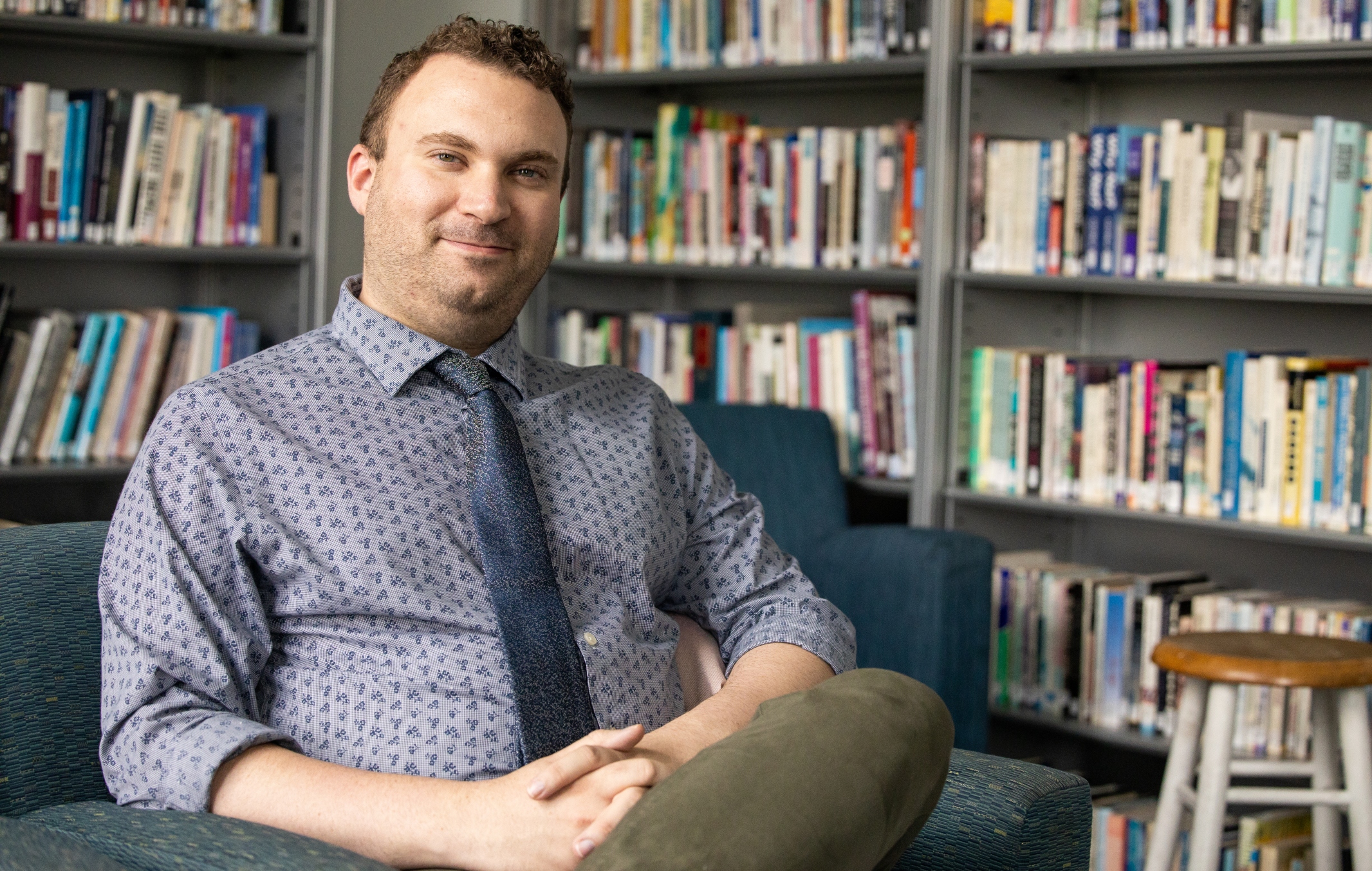
Storytelling leads to career in research and student services
When Zach Parker, assistant director LBGTQIA programs and services, completed an academically intense high school career, he decided to take a gap year. He worked at Disney World to pursue his dream to perform on Broadway. But his experience there revealed that he enjoyed storytelling and working with people more than he realized.
“After Disney I went back to school and began to work with stories and storytelling,” Parker says. “That led me to think about LGBTQIA stories and the research into those pieces.”
Parker was active in LGBTQIA organizations while he was in college at Wichita State University. When he started his graduate work, he moved past participation and worked in the center at WSU in addition to teaching the school’s first LGBTQIA literature course.
“I had students tell me, ‘I’ve never seen myself in a course before.’ That was wonderful and exciting for me as a professional.”
One of Parker’s priorities in his current position is focusing on reconnecting students and helping them find community again following the shutdowns of the COVID-19 pandemic.
“Hopefully we are moving toward more of an ‘endemic,’ and we can regroup around making friends, finding community and building resilience together.”
For Parker, part of that regrouping is reengaging students with the Rainbow Lounge in the UMKC Student Union.
“I’m excited to see students together building communities, because I know from experience that those communities will last beyond their four years here. Forming strong relationships creates resiliency for our students that will last past graduation.”
“It’s important to have a space for folks to be able to go to feel like they don't have to perform for others, and that they can really be authentic.” - Zach Parker
Parker recognizes that the ongoing media attention to gender identity and the varying views on recognition and accommodation can be overwhelming.
“It’s exhausting to have your existence and the fibers of your being debated on national television by folks who don't understand your experience, and who might not ever be able to understand your experience,” Parker says. “There's some really good research coming out right now, about the damage that happens to kids, even if a law never passes, of having divisive information on TV and having that debate go on.”
Parker responds to this pressure by creating a space where people feel that they don’t have to perform for others.
“It’s important for folks to have the opportunity to really be authentic. Sometimes that authenticity shows up as being really exhausted or angry. Those reactions are valid for all of us, especially for our students to understand that we have space for them and they're not alone.”
Jun 13, 2022
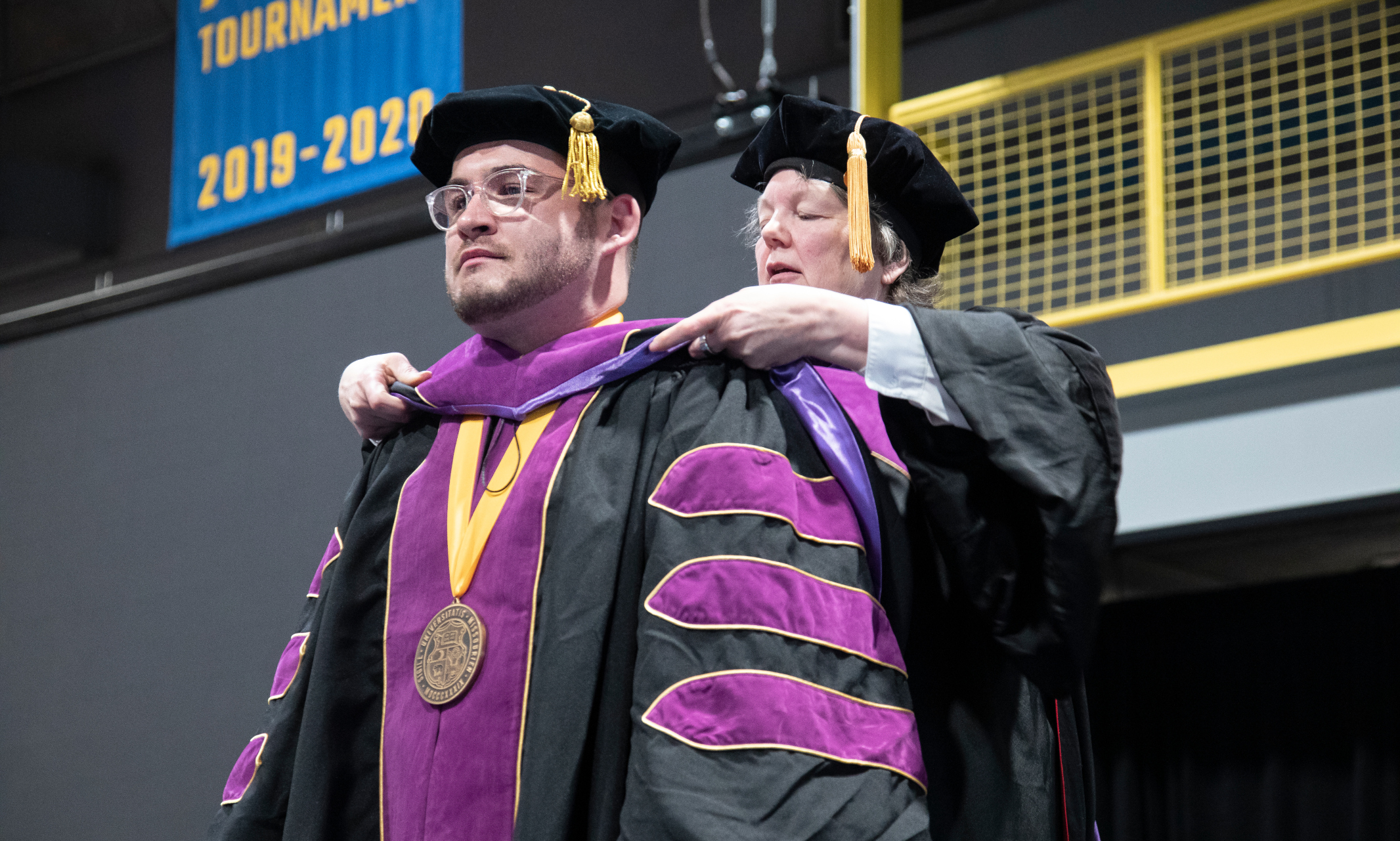
Remington Williams lived a life of service
Remington Williams (J.D. ’22) was a natural leader and caring human being who accomplished much, driven by a passion for helping others.
Williams, the student representative to the University of Missouri Board of Curators, died in a car accident June 8 on his way to get some food after a night of studying for the bar exam. He was 25 years old and had just graduated from the UMKC School of Law, where he was a member of the Law Review and Honor Court.
As student representative to the board of curators, Williams served as the students’ voice to the governing body of the University of Missouri System, which includes UMKC, the University of Missouri-Columbia, Missouri University of Science and Technology and the University of Missouri-St. Louis. He was enrolled in the MBA program at UMSL.
People came from across Missouri, and beyond, for his June 15 funeral at St. Andrew's Episcopal Church in Kansas City. A reception was held afterward at the UMKC Student Union. Curator Robin Wenneker and UM System President Mun Choi were among those who spoke at the church service.
“I think Remington would be so pleased that we have come together to support each other. He always had a way of bringing people together. And that makes me smile. Our presence today is a testament to that,” Wenneker said.
She lauded the way he made everyone he encountered feel seen and heard.
“He cherished each of his many relationships, spanning from childhood through high school and on through Georgetown College and stints at two different UM universities. His friends would come in from Kentucky, Ohio and Tennessee, among other places, to visit him in Missouri because they knew how important they were to him, and he was to them.”
She concluded, “I encourage all of us to do our utmost to live up to the high bar Remington set for kindness, compassion and striving to be our best selves. In doing so we pay tribute to the amazing life Remington led and the amazing life that was ahead of him.”
Choi shared a message from Gov. Mike Parson: “Remington was a great young man and impressive leader who was taken far too soon. We thank him for his service to his peers, the UM System Board of Curators and the State of Missouri,” Choi quoted the governor.
In his own remarks, Choi said Williams lived a life dedicated to service.
“His presence made this state, our communities – and each of us – better,” Choi said. “He was a passionate advocate for student interests to the Board of Curators. He was also a trusted advisor who helped advance our mission of service and excellence.”
“What I will remember most is his signature smile. It was always warm and inviting,” Choi said. “He was a student of life, and he kept exploring and expanding his horizons.”
Friends and associates remember him as involved, committed and upbeat, emanating an infectiously positive and optimistic attitude.
“Remington was a true role model who set an example for student leadership in a way that impressed students, faculty and staff,” said UMKC Chancellor Mauli Agrawal. “He accomplished so much and impacted the lives of so many in his all too brief time with us.” Williams was honored with a moment of silence at the UMKC Board of Trustees meeting June 13.
Claire Shipp, a 2022 graduate of Mizzou, served as executive director of the Associated Students of the University of Missouri, the student-led organization that advocates for student interests at the state level.
“We were really the only two people with system-wide student leadership roles, and we bonded over that. But we also became great friends outside of that,” Shipp said. “He was so well put together, so intelligent, but still a real human being. He made sure that everyone was comfortable in whatever spaces he was in.”
Shipp said Williams took his responsibilities as a student leader very seriously.
“He cared about the people that he was in the trenches for. He carried the burdens of all those 75,000 students, but he would overcome those challenges with such grace and still maintain a fun-loving attitude,” she said. “He was the person I would go to, to fill my cup back up and find hope.”
Remington had a lifelong history of taking on leadership roles and taking personal responsibility for making a difference in people’s lives. His mother, Colette Jones, recalled his resolve at the age of about 10 to help turn around the life of a homeless man he encountered on a church mission trip.
Their church youth group would make sandwiches and take them to encampments of homeless people. On one visit, a man known as “Sonny” ran away in fear when the church group stopped by.
Young Remington took off after him.
“Sonny told me later that he finally stopped and turned around, and when he looked into Remy’s eyes, he knew Remy was safe,” Jones said. Sonny stopped, they talked, and that launched a three-year effort by Williams and his family to get Sonny off the streets and into an apartment. Sonny has remained housed ever since, paying rent with Social Security and pension payments that Williams helped him obtain and volunteering on homeless outreach by the Salvation Army. He remains a close friend of the Williams family.
Williams went on to high school at the Pembroke Hill School, where he went on school-sponsored service trips to small villages in Guatemala, doing manual labor such as digging latrines.
“That’s why he got a degree in Spanish as well as business (at Georgetown College in Georgetown, Kentucky) – so he could go back there and continue working directly with the villagers,” Jones said. While an undergraduate, he continued to make regular trips to Guatemala, on his own, to work in the poorest villages.
His father, Marty Williams, was his baseball coach and helped ignite Remington’s lifelong love for sports. Marty Williams also guided his son’s path to becoming an Eagle Scout.
Williams’ passion for sports led to an autograph-seeking hobby that he pursued with typical zeal. It eventually evolved into a profitable online business selling autographs to other collectors.
At Georgetown, Remington served as student body president (2017-2018), president of his fraternity (2018-2019) and vice president of the Georgetown Activities Council (2018-2019). Williams also served in various capacities for the men’s basketball team and was an active member of both the Accountability Board and Honor Council.
Each year’s graduating class at Georgetown elects one of their own to be commencement speaker. The class of 2019 chose Williams.
He was also a proud graduate of the National Leadership Conference in Shelby, Michigan.
As much as the limelight shone on him, he always looked to share it freely and widely, friends said.
Curator Michael A. Williams, an attorney, knew Remington Williams as both a student representative and as an aspiring law student.
“Remington was the most dedicated and focused young man I have ever met,” Michael Williams said. “Whenever he was talking to someone, he would make them feel like they were the only person in the room.”
“It was awesome to see someone working so hard, trying to be the best that they could be, and still be committed to helping other people be the best that they could be as well.”
At Board of Curators meetings, Wenneker said, he loved to present examples of the accomplishments of other students from the four universities.
"He brought other people along with him. It was never just about him,” Wenneker said.
Wenneker said it was his commitment to representing the entire student body of the system that led him to enroll in the online MBA program at UMSL in 2021. He believed he would be a better representative by being enrolled in multiple universities.
Wenneker recalled Williams deciding to bring the student government presidents from the four universities, and Shipp, all together for a football game at Mizzou.
“They had so much fun being together. He was so proud of them. They were all undergraduates and he was in law school, so he took on kind of an advisory role with them,” Wenneker said.
Williams was appointed as student representative to the Curators by Gov. Mike Parson in July 2020. The UM System’s Office of General Counsel had recently extended an offer of a fellowship to him for the summer.
Jun 10, 2022
UMKC School of Law Class of 2022
The University of Missouri Board of Curators is mourning the death of Student Representative Remington Williams, who died in a car accident June 8.
“Remington was an outstanding individual and a tremendous asset to the Board of Curators,” Board Chair Darryl Chatman said. “He was actively engaged with the students at each of our four universities and worked to amplify their successes, promote their stories and ensure their concerns were heard. Remington was the best of us, and our thoughts are with his family and friends.”
“Remington dedicated himself to the service of the University of Missouri,” UM President Mun Choi said. “As a student of not one, but two System universities, Remington was deeply connected to his fellow students and advocated for their interests to the Board of Curators. He was committed to advancing the mission of the university and ensuring all students had the opportunity to receive an excellent education and an outstanding experience. He will be sorely missed.”
Williams was appointed by Gov. Mike Parson in July 2020. He was a recent graduate of the University of Missouri-Kansas City School of Law, where he was a member of the Law Review and Honor Court. He was also completing a Master of Business Administration degree from the University of Missouri-St. Louis. The System’s Office of General Counsel had recently extended an offer for him to serve as a fellow.
Williams earned a Bachelor of Science degree in Business Administration and Spanish from Georgetown College in 2019. As an undergraduate at Georgetown, he served as student body president, president of his fraternity and vice president of the Georgetown Activities Council. Williams was also a proud graduate of the National Leadership Conference in Shelby, Michigan.
The student representative to the UM Board of Curators serves as the students’ voice to the governing body of the University of Missouri System, which includes the University of Missouri-Columbia, UMKC, Missouri University of Science and Technology and UMSL. The student representative is appointed by the governor of Missouri and confirmed by the Missouri Senate, and serves a two-year term. Appointments rotate among the System’s four universities, so students at each institution have a rotating opportunity to represent the more than 77,000 students enrolled at UM universities.
Jun 09, 2022
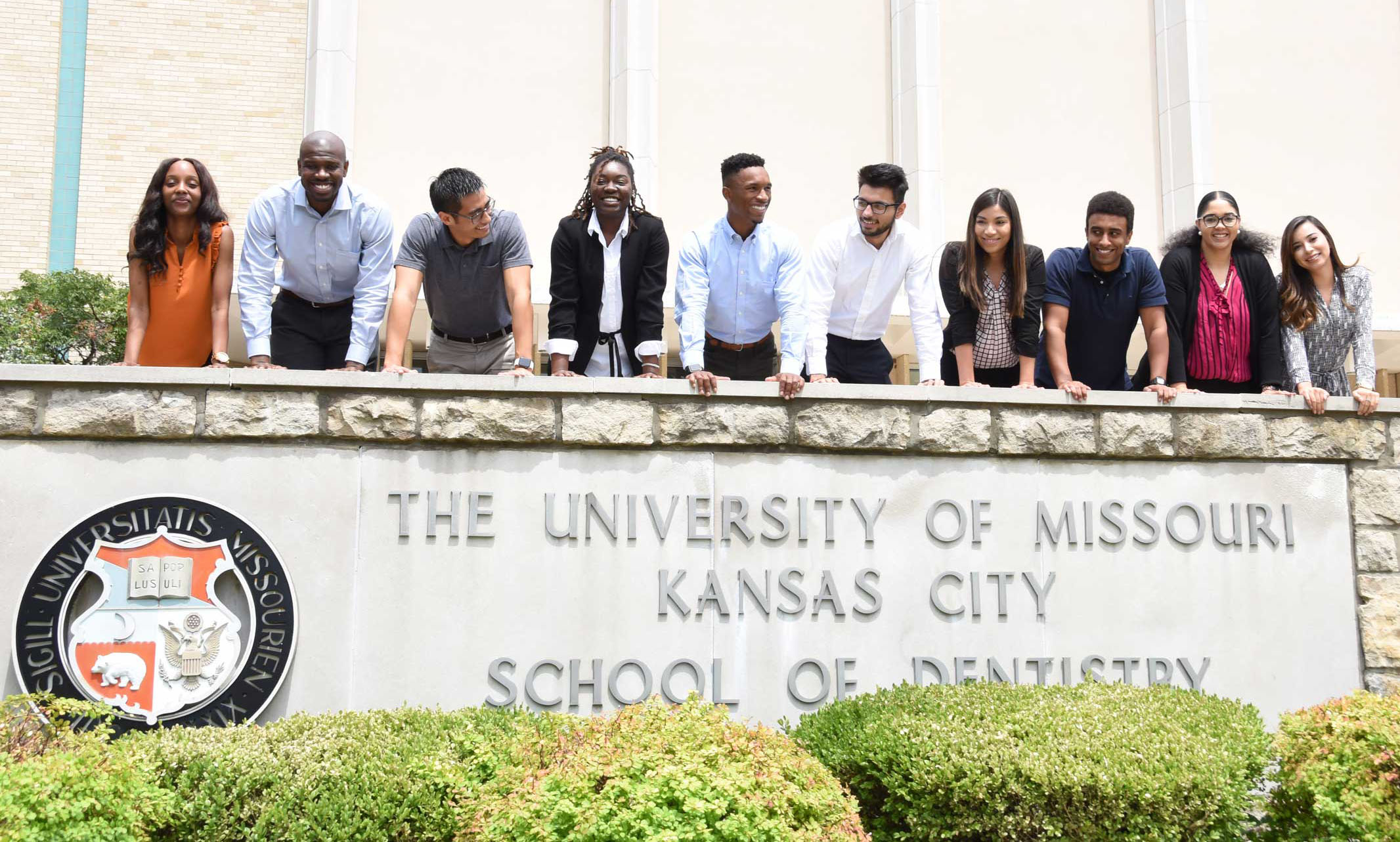
Partnerships with the University of Missouri-Kansas City’s School of Dentistry; BrownGirl, RDH; and Chiefs Flag Football, Powered By GEHA address h...
GEHA (Government Employees Health Association, Inc., pronounced G.E.H.A.) has a storied history of supporting its community with intentional giving, starting in 1937 when the organization was created to help fellow postal clerks after the Great Depression.
This spirit carries through to today, where philanthropic efforts are focused around health equity and positively impacting the social determinants of health. The oral health focus of GEHA Solutions, Inc., a wholly owned for-profit subsidiary of GEHA, has provided an opportunity to make a significant vote toward change by investing in three areas that affect community health.
Within the dental and dental hygiene fields, many communities of color are underrepresented within these industries. According to the American Dental Association, fewer than 11% of American dentists come from African American/Black, Hispanic/Latinx and American Indian/Alaska Native/Pacific Islander backgrounds, compared with these groups comprising 34.4% of the U.S. population. This can affect long-term health outcomes in many ways: apprehension and omission of care appointments, cultural and language misunderstandings and peer-to-peer dentist learning opportunities to better serve patients. To create meaningful, sustainable change, GEHA Solutions has created a $150,000 scholarship and fellowship investment with the University of Missouri–Kansas City’s (UMKC) School of Dentistry to fund opportunities for students representing historically marginalized communities to advance within these industries.
Representing the largest gift of its kind to the UMKC’s School of Dentistry’s Dr. Roy James Rinehart Memorial Foundation in more than a decade, these investments include five $20,000 dental scholarships, five $5,000 dental hygiene scholarships, and five $5,000 pre-dental fellowships to prepare rising dental school students for testing and interviews. Engagement opportunities throughout the school year with GEHA leaders will also assist in preparing these students for future successes. “GEHA Solutions and the School of Dentistry share a mutual interest in culturally diversifying the oral health workforce through the dental and dental hygiene programs at UMKC,” said Steven E. Haas, DMD, JD, MBA, UMKC School of Dentistry dean. “GEHA Solutions’ generosity will help alleviate some of our potential and current students’ financial burdens and allow them to better focus on their goals. The scholarships GEHA Solutions is providing also will help us to attract and retain the best qualified and most strongly motivated historically marginalized students who seek to represent their communities. We are so very grateful for this unique partnership.”
Consistent with this theme, GEHA Solutions has partnered with national nonprofit BrownGirl, RDH for a $50,000 investment in scholarships and continuing education opportunities for historically marginalized communities pursuing a career in dental hygiene. When most of a patient’s dental experience is spent with a dental hygienist, the opportunity for impact toward health equity was a strategic investment for industry growth. These 16 need-based scholarships will be provided to students throughout the United States, ranging from coverage of tuition to dental loupes and equipment. GEHA Solutions will also be the first presenting partner of the 2022 BrownGirl, RDH Leadership Conference, Presented by GEHA Solutions, held in Charlotte, North Carolina, from November 11–13. “Four years ago, an organization like BrownGirl, RDH did not exist. Today, not only are we nationally recognized, but we have brought to the forefront the lack of diversity in dentistry and the importance of introducing the field of dental hygiene to minority students,” said Martelle Coke, founder of BrownGirl, RDH. “BrownGirl, RDH is proud to partner with GEHA Solutions to continue propelling our mission forward.”
Youth sports communities offer great experiences for wellness and mobility, but with this comes a risk for oral impact injuries. According to the American Academy of Pediatrics, athletes are 60 times more likely to suffer harm to the teeth if they are not wearing a mouthguard. In the spirit of using GEHA’s partnership with the Kansas City Chiefs as an intentional tool for health equity and community collaboration, GEHA Solutions will provide 20,000 GEHA/Chiefs co-branded mouthguards to the youth participants of the Chiefs Flag Football, Powered By GEHA program this summer. Providing these safety tools allows for participating families to experience one less expense as an entry point to physical team activities.
“From minimizing youth sports injuries to allowing more communities to see themselves in dental and dental hygiene care, GEHA Solutions is committed to being a bridge toward improved oral health and inclusive oral health practices,” said Richard Bierman, J.D., GEHA Solutions President. “Through these intentional partnerships, our investments can evolve population health through students’ lived and academic experiences. We hope that this diversified strategy around health equity inspires others to take action, as well.”
About GEHA
GEHA (Government Employees Health Association, Inc., pronounced G.E.H.A.), founded in 1937, is a nonprofit member association and the largest dental and second largest medical benefit provider of federal employees exclusively serving 2 million current employees and retirees, military retirees and their families. GEHA’s mission, to empower members to be healthy and well, is demonstrated through its focus on innovation as well as providing members with access to one of the largest medical provider networks nationwide.
Headquartered in Lee’s Summit, Missouri, GEHA is one of the largest employers in the Kansas City metro area. For more information, visit www.geha.com.
About GEHA Solutions, Inc.
GEHA Solutions is an indirect, wholly owned subsidiary of GEHA established in 1997 to market GEHA's Connection Dental® Network as a solution to lower claims costs for dental payers. Today, GEHA Solutions offers multiple dental PPO networks for lease, as well as a Medicare Advantage Network Option. As one of the nation’s leading dental network leasing companies, GEHA Solutions’ dental networks improve accessibility for clients such as third-party administrators, insurance companies and self-insured employer groups.
About the University of Missouri-Kansas City (UMKC) School of Dentistry
Located in Kansas City, Missouri, UMKC School of Dentistry serves as a leader in the advancement of oral health care through exceptional educational programs, scientific inquiry, patient care and service to society. For more information, visit dentistry.umkc.edu.
About BrownGirl, RDH
Founded in 2018, BrownGirl, RDH (Registered Dental Hygienist) is a non-profit organization promoting cultural diversity within the dental hygiene field. BrownGirl, RDH offers scholarships and supplemental support to dental hygiene students covering costs outside of tuition. These include clinical supplies, equipment, loupes and national and clinical board fees. For more information, visit browngirlrdh.org.
Jun 08, 2022
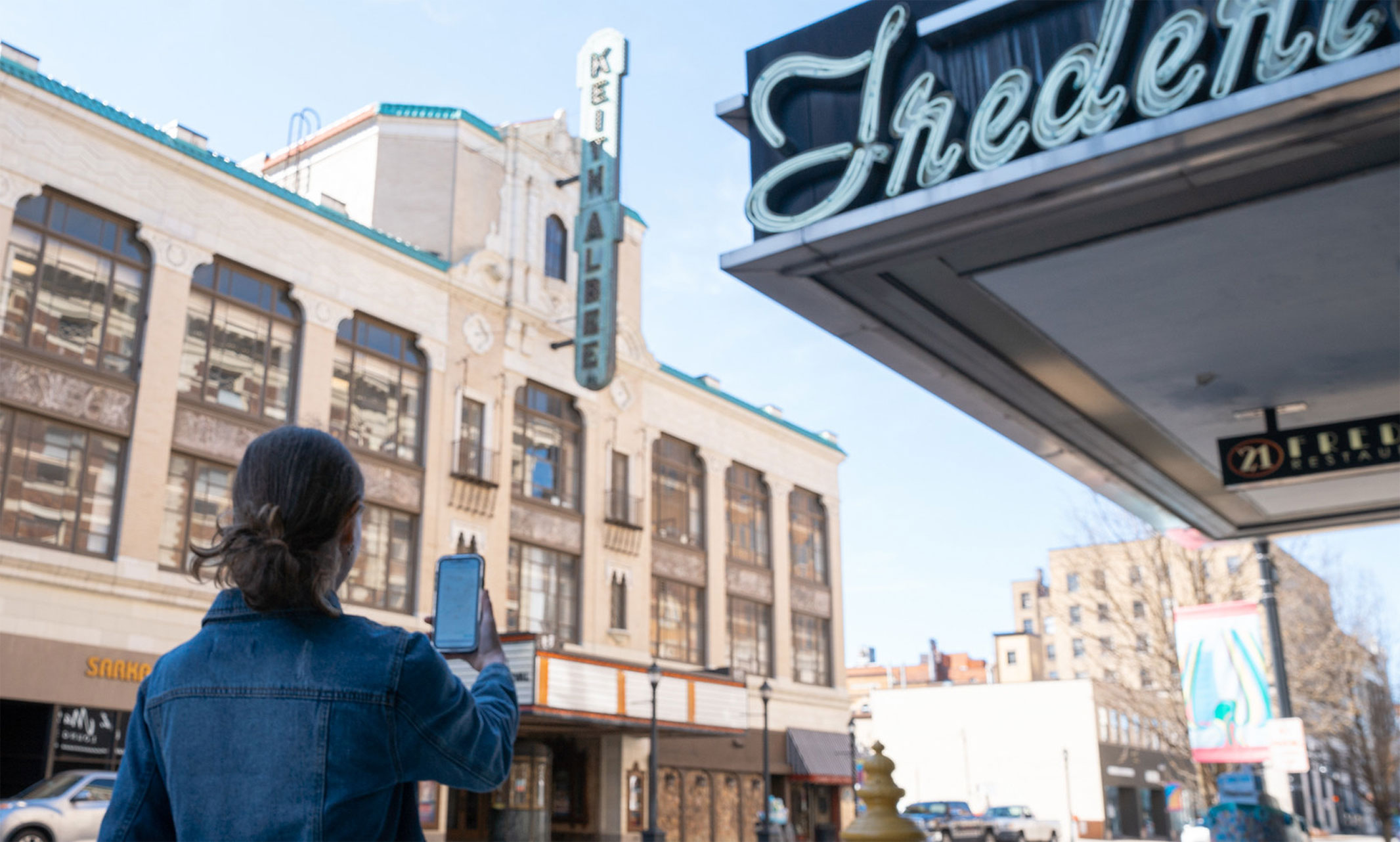
App developed by UMKC history professor now includes immersive virtual tours
Imagine if all you could discover the history behind buildings and other landmarks as you move through a city, or with the touch of a button, you could experience a guided walking tour that included first-hand accounts. Thanks to the work of over 500 museums, historical societies, universities, libraries and other organizations around the country, that’s now a possibility in the free mobile application, Clio.
“Clio picks up your location when you're in the app,” said David Trowbridge, a professor of history at UMKC and the app’s developer. “There's an arrow that will guide you and tell you how many feet you need to go. You can take a walking tour, browse nearby landmarks or even create and save your own itinerary based on a growing library of over 35,000 landmarks throughout the U.S.”
David Trowbridge, developer of Clio
Clio began as a local history project at Marshall University, where Trowbridge was teaching at the time.
“I was just trying to figure out a way to really reach my students,” Trowbridge said. “They had a very strong sense of place, of things in their hometown, things in their county. So, I said ‘Let's start with that. Tell me the history of a place that matters to you.’”
Students embraced the challenge, and before long, draft articles that began with online research inspired students to visit libraries and archives, make phone calls, and record interviews of people in their community.
“When students found one source, it led them to another and they cared so deeply about getting the history right that they often edit their Clio entries after the semester ends,” Trowbridge said. “Can you imagine a school project you want to keep working on the project when the class is over?”
Eventually the project outgrew his technology skills, but Trowbridge and his students wanted to keep it going.
“At that time, I barely used a smart phone, but when I saw the way my students dug in to the project, I knew I had to keep building,” he said.
Trowbridge formed a non-profit so that Clio would always be free and open, and soon, what began as a class project turned into a website and app used by other historians to share the history of their communities. He named the platform Clio in honor of the ancient muse of history. Funded by donations and grants, the app grew from the entries of one class to more than 38,000 entries all across the nation, including 1,400 walking tours that allow users to experience the history around them in real time. No cell phone to download the app? No problem. Anyone with internet access can browse the entries in a web browser as well.
As museums and historical sites around the country were working to deliver their experience in a virtual world, Trowbridge worked to build a free platform that was intentionally designed for museums and sites.
“I looked at the virtual tours that were being created during the pandemic, and they were pretty good,” Trowbridge said, “but I knew we could build something a little better that could work both virtually and in-person.” The solution was a 360° immersive experience, complete with museum maps and interactive content that allowed you to see extra materials and videos from museum experts, something you do not always experience at museums when you visit in-person. Trowbridge uses a LiDAR scanner connected to a 360° camera to build an interactive map and then records and embeds text, video, photos and links related to each artifact and exhibit.
Even after this huge addition to the app, Trowbridge isn’t going to stop there. In addition to expanding into STEM and Art exhibits, next steps for Clio include geofencing, so users can get push notifications about entries when they’re out and about on vacation or in their hometown.
“One of the major points is the serendipity factor,” Trowbridge said. “You can’t search on Google for what you don’t know. It works a lot better if you just open up the app and it shows you what's nearby.”
If you are interested in exploring Clio for yourself, it is available in app stores and online at theclio.com.
Jun 07, 2022
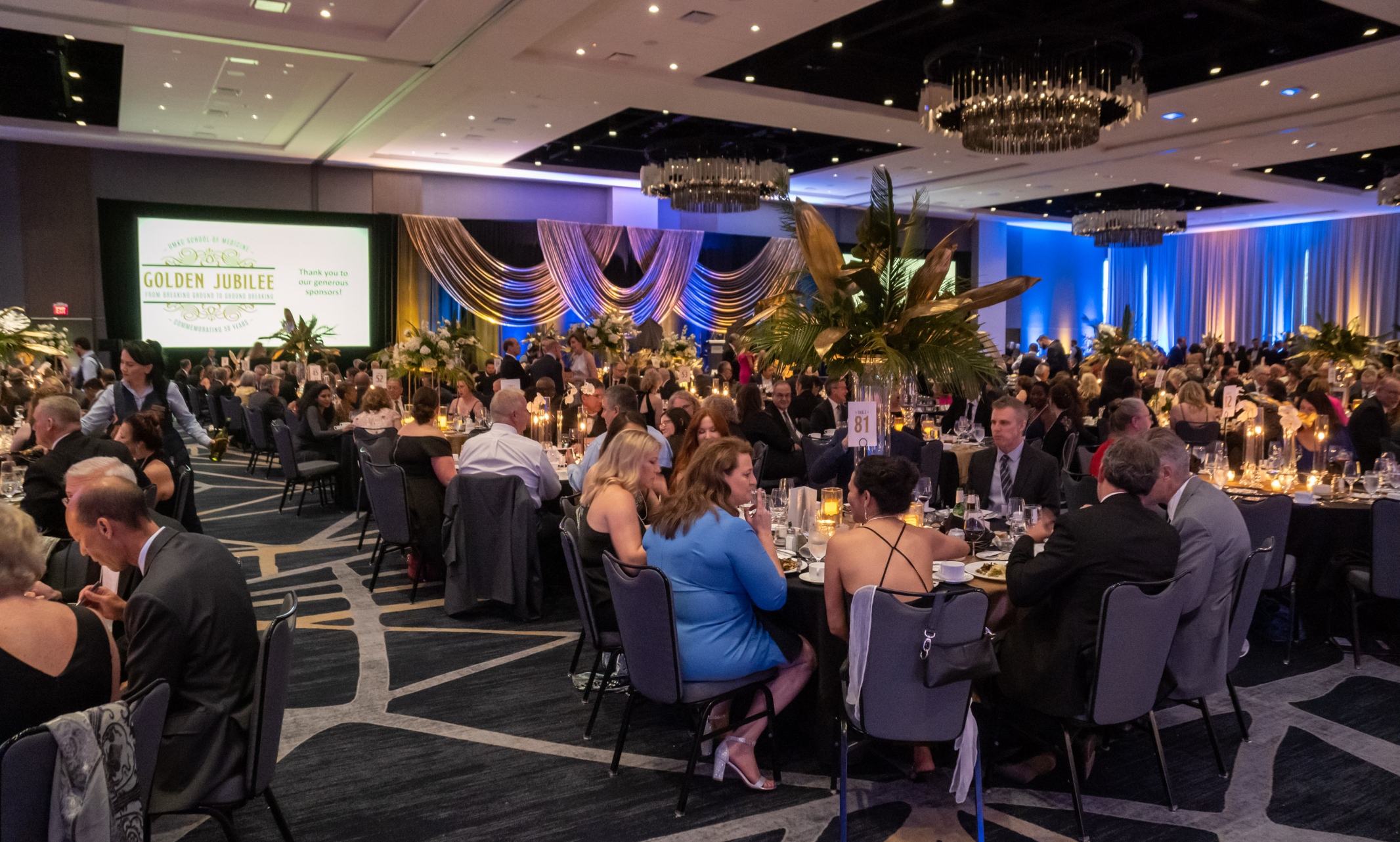
Alumni and community leaders honor successful past and promising future
The University of Missouri-Kansas City School of Medicine this weekend celebrated its rich 50-year history as a leader in innovative healthcare education and delivery in the urban core of Kansas City, and its future potential.
Event chairs Rachael and Nelson Sabates, (B.A. ’83, M.D. ’86) and honorary chairs the Honorable Brenda Shields and Charlie Shields, president and CEO of University Health, welcomed more than 800 guests including community supporters to the event, which raised close to $600,000. Michele Kilo, M.D. ‘84 and her team of alumni liaisons were critical to raising alumni awareness of the event. Nearly 400 UMKC School of Medicine alumni attended to celebrate 50 years of excellence.
Mary Anne Jackson (M.D. ’78), dean of the medical school, recognized Lucky Chopra (B.A.’91, M.D.’92), as the recipient of the 2022 UMKC School of Medicine Alumni Achievement Award.
“Dr. Chopra’s entrepreneurial career began while he was still in his final year of radiology residency,” Jackson said. “Working out of his garage, he purchased an old milk truck and converted it to carry a ‘barely portable’ radiology X-ray machine and began contracting with local Houston nursing homes to provide imaging services without the patient having to travel. His company, Advanced Diagnostics Healthcare, was born.”
"Four thousand alumni strong, we are the backbone for health care in a multitude of communities, serving as innovators and leaders in clinical care, as educators, department chairs, section chiefs and medical school faculty, as leaders in diversity and advocacy, and national leaders in research.” - Mary Anne Jackson, M.D., dean UMKC School of Medicine
Jackson celebrated the school’s outstanding legacy beginning with the first dean, Richardson K. Noback, M.D., who will be 99 years old this year, and the late E. Grey Dimond, M.D., who developed the accelerated curriculum and docent concept that is now a part of medical programs across the county.
Jackson acknowledged the tight connection between the school and Kansas City.
“We are the anchor to healthcare in the urban core and beyond,” Jackson said. “Teaching students how to use information, how to approach ambiguity and uncertainty and to think critically about challenges in medicine and biomedical science, continues to be part of our DNA. Four thousand alumni strong, we are the backbone for health care in a multitude of communities, serving as innovators and leaders in clinical care, as educators, department chairs, section chiefs and medical school faculty, as leaders in diversity and advocacy, and national leaders in research.”
Jackson noted the significant contribution of the school’s clinical affiliates and their dedication to student education by providing opportunities for students to participate in care for diverse patient populations and to see cutting edge medical care and its affects.
“We are grateful for the strong partnerships with University Health, Children’s Mercy, St. Luke’s Health System, Research Medical Center, the Center for Behavioral Medicine, the Kansas City VA, Advent Health and Liberty Hospital.”
New partnerships have led to the student opportunities and advancement of health care statewide.
“In 2021 we launched our additional campus in St. Joseph, Missouri and welcomed our newest affiliate, Mosaic Life Care, to recruit, prepare and encourage these students to become part of the primary health community in rural Missouri counties,” Jackson said.
After highlighting the outstanding successes of alumni, UMKC chancellor Mauli Agrawal recognized the event chairs for their untiring leadership and support of the School of Medicine.
“This spectacular event is much more than a party,” Agrawal said. “This evening represents and celebrates generations and decades – literally five decades – of students, graduates, critical health care providers and their teachers. Just as the UMKC School of Medicine was launched with an innovative vision of healthcare education five decades ago, we move into the next fifty years with an exciting vision for the future of the school.”
Jun 06, 2022
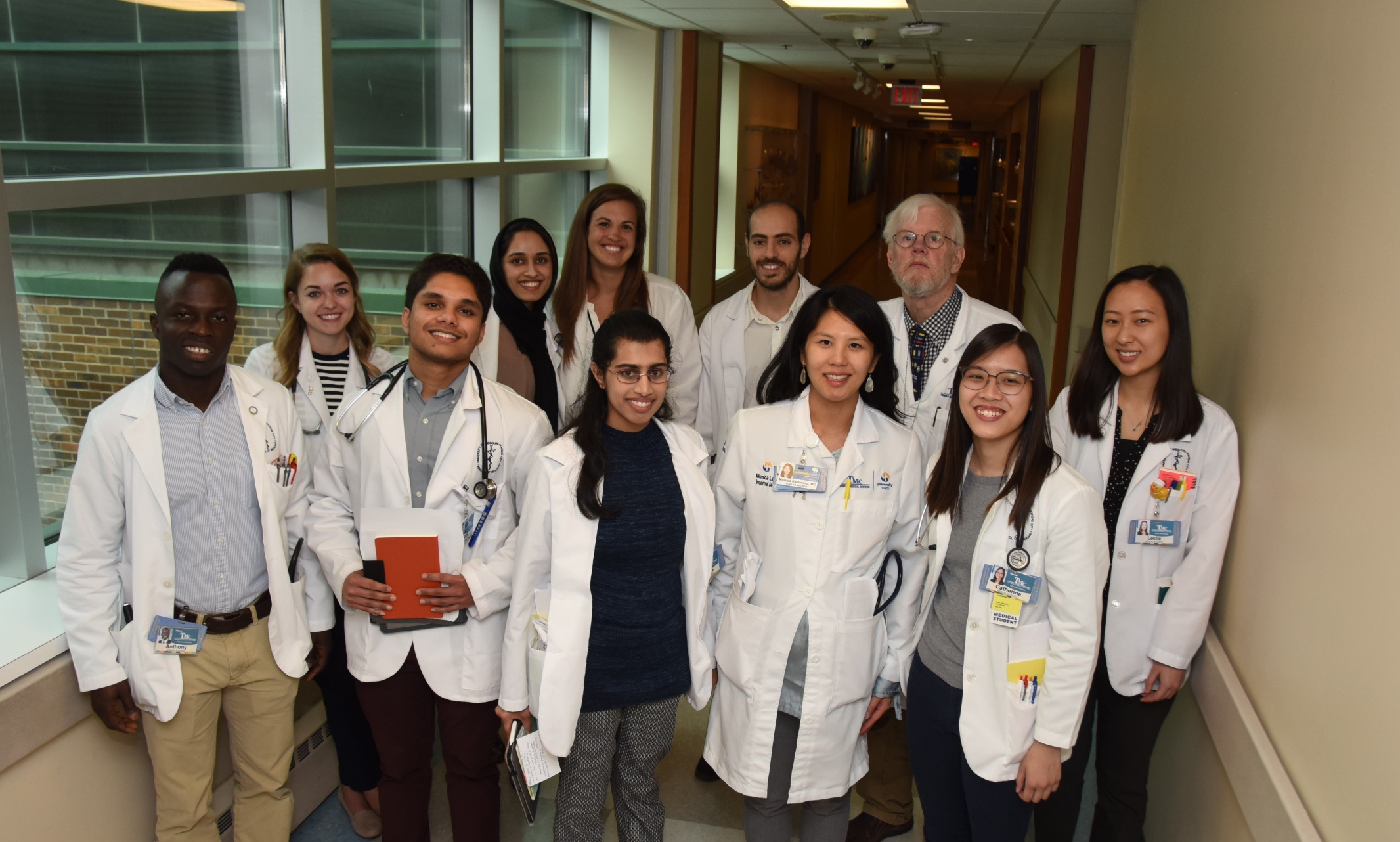
A look at the unique qualities, accomplishments of the UMKC School of Medicine
Fifty years ago, UMKC launched a bold experiment in educating the medical leaders of the future. Today, the UMKC School of Medicine is a cornerstone of Kansas City’s medical community.
Along the way, the school has grown into a national leader and trend-setter in medical education with innovative research that has improved the health and well-being of Kansas City, the state of Missouri and beyond.
Here are 5 things that make UMKC’s School of Medicine so special:
The UMKC School of Medicine is one of only two medical schools nationally that accepts students upon high school graduation and puts them through a rigorous program that earns them B.A. and M.D. degrees in just six years. Upon entering the B.A./M.D. program, students are classified as professional students. They begin studying medicine on their first day and clinical experience begins immediately. The initial two years also include courses leading to bachelor’s degrees in liberal arts, chemistry or biology. Clinical experiences increase in the third year, when students work together one-half day a week in an outpatient continuing care clinic. They also work on two-month internal medicine rotations throughout each of their final three years.This unique and innovative curriculum provides students with early and continuous patient-care experience and fully integrates liberal arts/humanities, basic sciences and clinical medicine. The learning environment de-emphasizes competition and encourages learning through close faculty-student interaction and student partnerships.
As a foundation of UMKC’s medical education program, the docent system takes the best of apprenticeship learning and combines it with small-group teaching, mentoring, peer coaching and other techniques. Students start their education by joining a docent team, where they learn from one another, as well as from faculty physicians known as docents. In this setting, docents provide clinical instruction while also guiding students’ personal and professional development. The system develops the attitudes, beliefs, competencies, habits and standards students need to be the best physicians possible.
In 2021, the school expanded its program to St. Joseph to address the state’s rural physician shortage. The new campus is a partnership with Mosaic Life Care and is aimed at increasing primary care providers to improve patient access throughout Missouri. The disparities in care in rural areas result in higher rates of death, disability and chronic disease for rural Americans, and have intensified during the COVID-19 pandemic. Expansion of the UMKC medical school to the northwestern region of the state will serve to bridge this gap, knowing that students training in rural programs are three times as likely to remain in practice in those areas.
Throughout its history, the UMKC School of Medicine has established a strong tradition of community outreach – a practice its students engage in early on and one that graduates carry with them into their careers.
Our Healthy Kansas City Eastside, a community health collaborative created to address COVID-19 in underserved neighborhoods, administered more than 11,000 vaccinations in Kansas City neighborhoods with high health care disparity. Backed by nearly $5 million in CARES Act funding through Jackson County, Jannette Berkley-Patton, Ph.D., professor of biomedical and health informatics and director of the UMKC Health Equity Institute, took up the challenge to bring the message as well as the needed vaccines to Kansas City communities with some of the lowest vaccination rates in the city.
The Sojourner Health Clinic was founded by a group of medical students in 2004. Students have organized this program as a service-learning project: Students from across the health sciences campus learn about working with vulnerable populations outside of the hospital setting and how to create and sustain a free health clinic, while providing a needed service to the Kansas City community.
Students Training in Academia, Health and Research (STAHR) Partnership is a two-part program to increase the number of students from disadvantaged backgrounds entering health-care programs and to better prepare them for success.
UMKC is one of 20 universities in the country where Dentistry, Medicine, Nursing and Health Studies, and Pharmacy share a single, walkable campus, fostering exceptional student learning opportunities. Why does that matter? That co-location encourages interprofessional collaboration on clinical care and research from the get-go. Together, our four health sciences schools share the vision and spirit, along with the resources and academic programs, to launch you into the right health professions career. Our unique structure positions UMKC as a leader in interprofessional education -- a cross-discipline approach that prepares students to provide the best patient care in a collaborative team environment. UMKC is Kansas City’s top provider of health care professionals.
More information on the School of Medicine’s 50th Anniversary
Jun 03, 2022
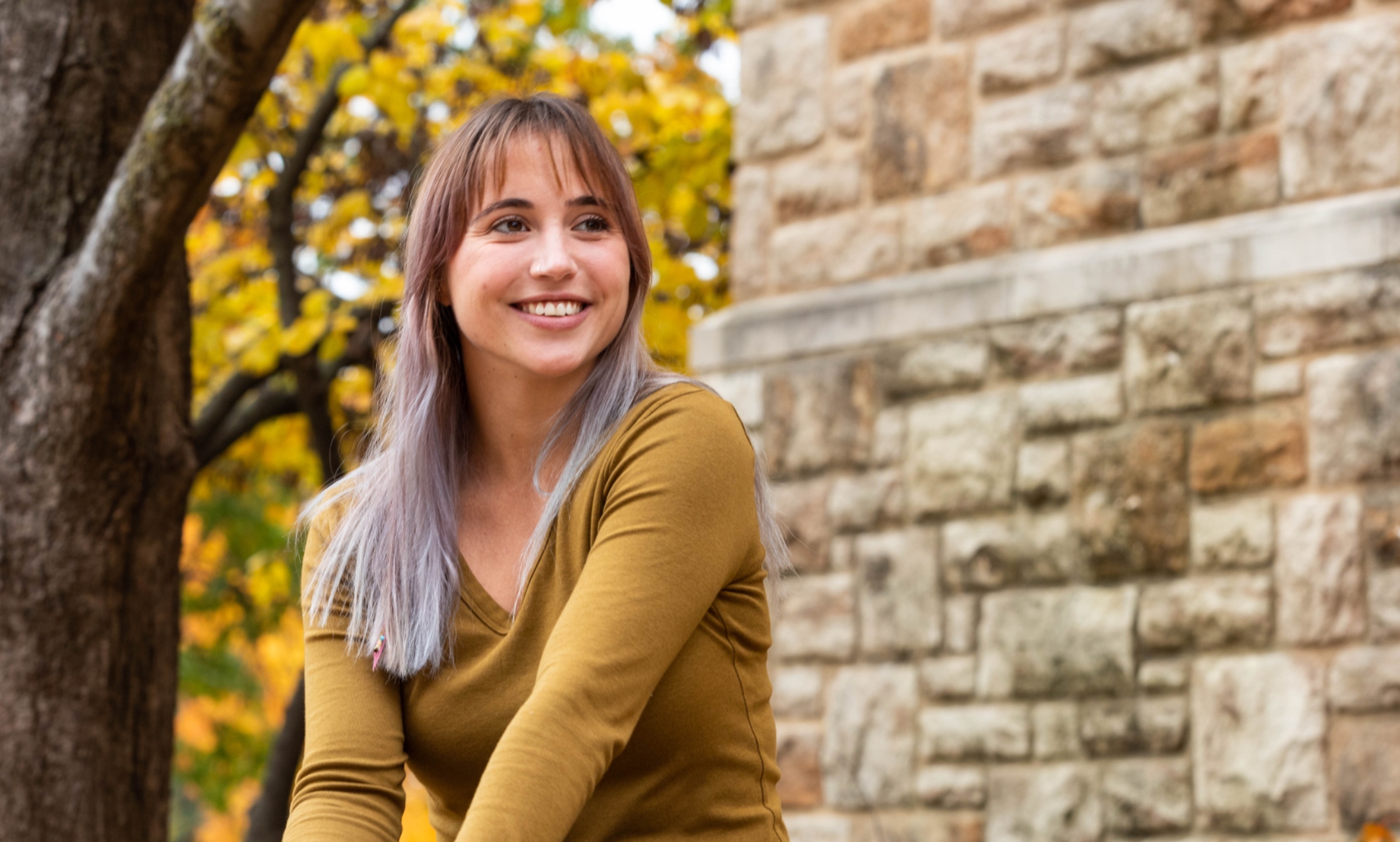
Amanda Pierce has dedicated her adult life to making more sustainable communities, on the ground and in the lab
Roos don’t just dream, they do. Our students turn ideas into action every day. Get to know our people and you’ll know what UMKC is all about.
Amanda PierceGraduation year: Spring 2022UMKC degree program: B.S. Environmental ScienceHometown: Leawood, Kansas
Amanda Pierce (B.S. ’22) lives her commitment to environmentalism. Literally. While pursuing projects, she has lived in her car, and in a tent on the beach in Tulum, Mexico.
Before enrolling at UMKC, Pierce spent five years traveling across Peru, Belize, Mexico, Florida, Alabama, Louisiana and Texas working on environmental projects. She built gardens and houses, saved animals from fishing nets, volunteered on nature reserves, cleaned trash from beaches and dug wells.
Pierce during her volunteer trip in Mexico. Photo courtesy of Amanda Pierce
After several years of seeing the effects of climate change up close, she wanted to do more. So, she moved back home to Kansas City and enrolled in the environmental science program at UMKC.
“I saw people in these underdeveloped and unprivileged countries who wanted to live cleaner and healthier, but did not have the means. I saw things like plastic and fossil fuels and driving our cars were the problem,” said Pierce. “I knew I had to do something about it. It’s now or never and we’re running out of time.”
Just like she did with her volunteer work, Pierce poured herself into her studies. In addition to her coursework, Pierce took part in the inaugural Emerging Research Scholars cohort, a UMKC program launched in 2021 to support undergraduate research.
“That was really cool. I highly recommend it for anyone researching at UMKC,” said Pierce.
She secured grant funding to conduct two undergraduate research projects. The first study was conducted in the 2021-2022 academic year. Pierce found that a certain type of moss removed carbon dioxide and balanced the pH level in water samples collected from Indian Creek in Johnson County to near drinking-water level. She presented her findings at the 22nd Annual Symposium of Undergraduate Research and Creative Scholarship where she received a Presentation of Distinction, which recognizes excellence in research.
Pierce was awarded a Presentation of Distinction for her research in Spring 2022. Photo courtesy of Amanda Pierce
“I’m a real scientist now,” Pierce said. “I had the opportunity to share my findings and get over the fear of not being able to talk about stuff because I was still a student. It made it feel more professional.”
Pierce went to two other colleges before coming to UMKC. She said her professors at UMKC were supportive and made her feel like she was part of something bigger, something she said she had not had in her previous college experiences.
“Dr. Sun is great, I love his classes. Professor Davies was my mentor and I had so much fun in her class. She’s just like that really cool aunt that everybody wants to go hiking with. I love Professor Graettinger. I didn’t want to graduate because I didn’t want to leave her class,” said Pierce.
She’s now pursuing her Geographic Information System (GIS) certification and conducting a Summer Undergraduate Research Opportunity research project focused on alternative ways to grow duckweed, which is the fastest-growing plant on earth and effective at removing carbon dioxide.
“My whole career future is wetland-related,” said Pierce. “Definitely all of my research is going to be related to removing carbon from the atmosphere.”
Pierce graduated in 2022. Photo courtesty of Amanda Pierce
In addition to all the knowledge she has gained through her classes and research, Pierce said she has also learned about herself in college. Her goal is to take what she has learned and be a lab technician or a field worker.
“I’m excited to use the skills that I’ve worked so hard for. I used to think so globally, but now I’m more realistic. More locally, wherever I go, I want to make a difference,” said Pierce. “I’ve learned that if you really care about it and you really want it and you put in the time for it, it will pay off.”
Jun 02, 2022
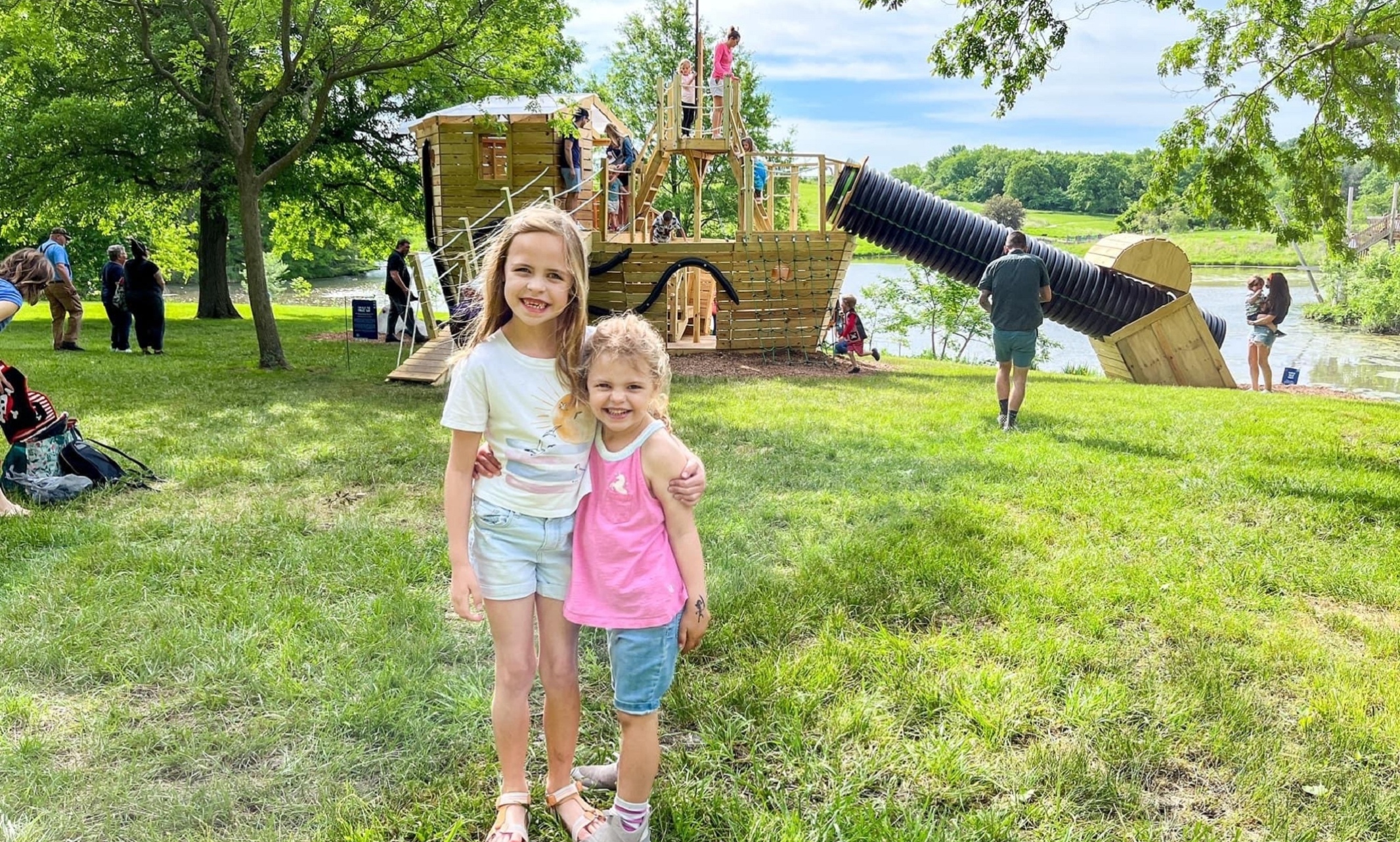
UMKC School of Education students and children at the Berkley Center create winning entries for Fortopia
Students in the UMKC School of Education and children of the Edgar L. and Rita A. Berkley Child and Family Development Center produced two of the eight winning entries for Fortopia, Powell Gardens outdoor exhibit of forts.
The other six designs chosen by a juried selection process were created by professional garden designers, architects and artists, all adults.
The Fortopia exhibits designed by the two teams are “The Lucky Woodland Find: Morel Fort” and “Skully the Pirate Ship.” Ekaterina Strekalova-Hughes, associate professor of teacher education and curriculum studies, is the team lead for the School of Education Early Childhood Program which produced “Lucky Woodland.”
“’Lucky Woodland’ is a fort inspired by memories of Missouri childhoods that were spent hunting coveted morel mushrooms and playing in forts,” Strekalova-Hughes says. “We wanted to acknowledge the strong connections between childhood play and nature. This resulted in design elements that include a secret reading hideout, see-through mushroom caps that provide a view of the surrounding landscape and log seating area and sculptural leaves for climbing.”
“The children enjoyed creating something out of their collective imagination that they can use and share with other children. They were excited that everyone, even children they don’t know, would get a chance to play.” — Kelly McDonald
“Lucky Woodland” is designed to engage visitors of all ages. The four-foot-tall chalk wall in Morel 1 allows toddlers and taller visitors to draw at their own height. The interactive sound wall in Morel 2 features music production at different heights as well, so even children who are crawling will have the opportunity to participate in making music.
The team at Powell Gardens has taken the engagement with “Lucky Woodland” a step further.
“We have been so inspired by “The Lucky Woodland Find: Morel Fort” that we are developing a collections tour based on foraging that premiers in alignment with Fortopia. The tour content will be published online through our botanic collection database.”
The concept for “Skully the Pirate Ship” was created by the children in the Zoo Room at the Berkley Center, a component of the School of Education that serves as a learning laboratory for students in early childhood education. Teachers Asia Whisenhunt and Kelly McDonald noticed that the children in their classroom were playing “pirates” almost every day and had been building pirate ships on the playground and in the classroom. They thought it was a natural next step to let the children take the lead in designing a fort based on their play.
“They were in charge of each step of the process,” Whisenhunt says. “They sketched designs, had design meetings, discussed building materials, built prototypes, ultimately agreed on a single plan and approved the final proposal. They were in charge, and we made changes as needed based on their feedback.”
The Berkley Center classrooms engage in project learning, so fort design and construction was a natural fit. There were strong learning components as well.
“This project supported mathematical concepts, language and literacy, communication, social interactions, conduct in a group, among other things,” McDonald says. “The children enjoyed creating something out of their collective imagination that they can use and share with other children. They were excited that everyone, even children they don’t know, would get a chance to play.”
The Fortopia exhibit at Powell Gardens runs from May 26 through October 16, with a member preview May 25.
May 31, 2022
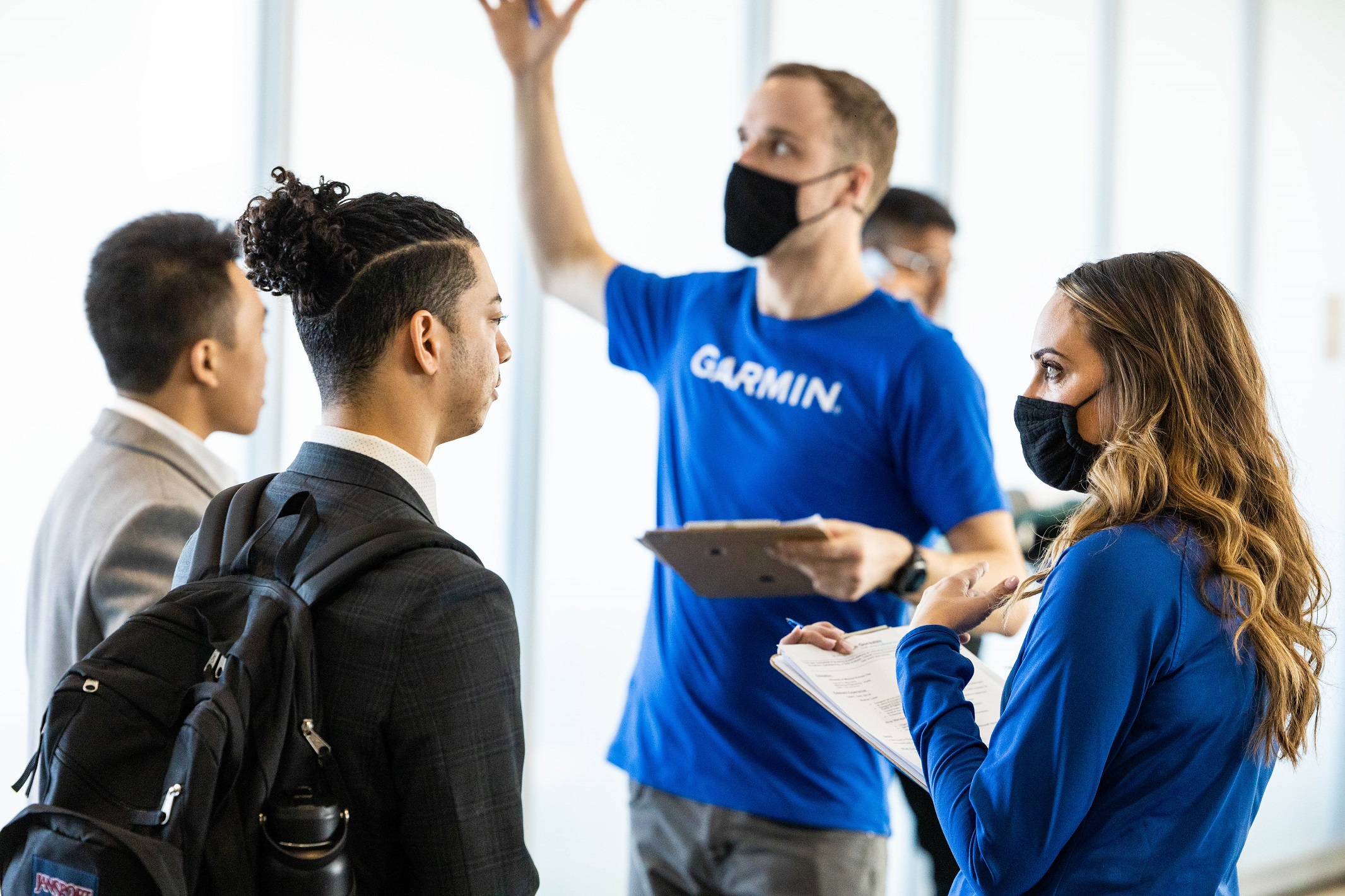
Kao Family Foundation Establishes Garmin Scholars Program at UMKC
The Kao Family Foundation has donated $50,000 to establish a new scholarship program at the UMKC School of Computing and Engineering to increase opportunities for underrepresented students and escalate innovation in the field.
Min H. Kao, the co-founder and executive chairman of Garmin, and his wife, Fan, established the Kao Family Foundation to improve education standards, promote social welfare activities and enhance civic morality. The organization is focused on a results-driven approach to long term sustainable development.
The Garmin Scholars Program establishes scholarships to fund five full-time underrepresented students with a GPA of 3.0 or higher for up to $2,000 a year for five years.
“One of our goals of this partnership was to increase career awareness in engineering,” says Laurie Minard, vice president, human resources at Garmin. “We have career opportunities in electrical, mechanical and software engineering, and we want to be an employer of choice. Partnering with UMKC makes sense. The university is right here in our backyard. We want to invest in students and give them exposure to a local company that is doing amazing things. We are hoping they will appreciate what it’s like to work here and want to be a part of Garmin on a full-time basis once they graduate.”
Participating in career fairs for internships is one way Garmin is escalating intern recruitment at the university.
“We want to get in front of UMKC students and let them know that there are opportunities – right here in Kansas City – available for them at Garmin.”
“The relationship between UMKC and Garmin is already strong and mutually beneficial. We look forward to more and more of our students having the opportunity to intern and work for Garmin.” — Kevin Truman, dean, School of Computing and Engineering
Minard says their five different business segments allow Garmin to provide experience in areas as broad as aviation, automotive, fitness, marine and outdoor recreation.
“We want to connect engineers who are passionate about the products we make with the opportunity to contribute to innovation in the features and functionality of those products.”
Minard notes that the growing demand for technology that is increasingly complex – and able to be used in smaller and smaller devices – escalates their need for well-trained associates.
“We have great people in leadership positions at Garmin who graduated from UMKC,” Minard says. “And we’ve seen that under Dean Truman’s leadership, the programs are increasingly better.”
The development of the Robert W. Plaster Free Enterprise and Research Center furthered Garmin’s enthusiasm for UMKC graduates.
“We’ve toured the labs and seen the new technology being used,” she says. “Having that level of experience in Kansas City is a huge plus, as our interns and associates wouldn’t need to relocate.”
Kevin Truman, dean of the School of Computing and Engineering, says expanding the relationship with Garmin benefits UMKC as well.
“There’s increased opportunity on both sides,” Truman says. “UMKC gains through our students’ exposure to Garmin’s experience with commercializing technology, in biometrics and wearables, all the way up to their auto-land and aviation flight simulator. Garmin has access to our research teams, who are doing cutting-edge research, particularly in the defense sector.”
Minard says that seeing the technology at the Plaster Center in person and talking to students studying there expanded Garmin’s perception of the opportunities with UMKC.
“I wanted our engineering and IT leaders to take time out and see how advanced and exciting the technologies at the Plaster Center are,” she says. “Seeing the scope of projects that the students are working on really opened their eyes.”
Minard notes that Garmin’s great benefits and educational assistance for their associates who want to pursue advanced degrees are additional benefits for UMKC graduates.
“The relationship between UMKC and Garmin is already strong and mutually beneficial,” Truman says. “This scholarship is a critical next step. We look forward to more and more of our students having the opportunity to intern and work for Garmin. Beyond that, we see mutual value in strengthening our relationship with their product developers to provide state-of-the-art research to benefit their products and further their success as well.”
May 25, 2022
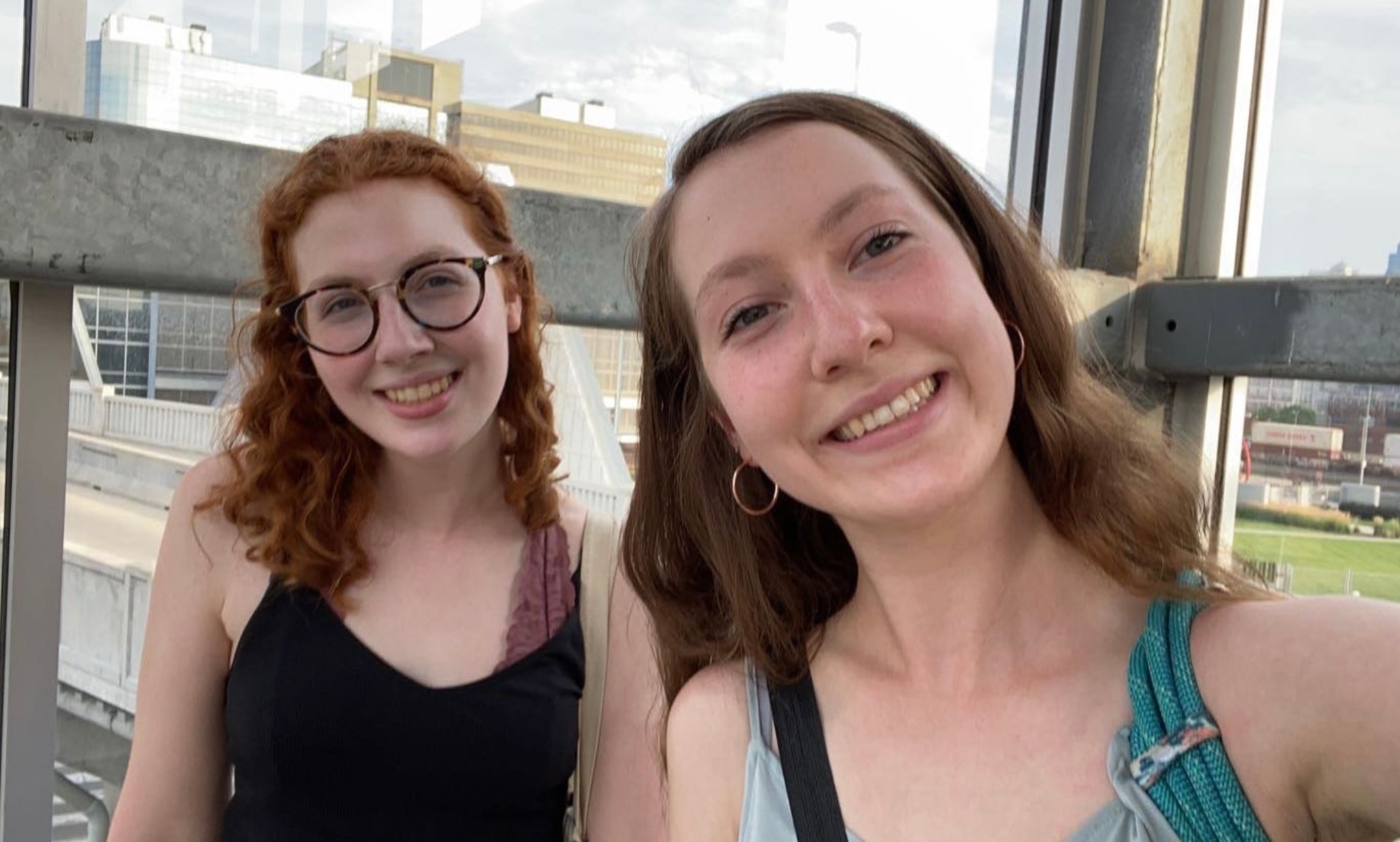
Partnership between UMKC and KC Scholars worth $10,000 a year
Lauren and Ana Textor are no strangers to hard work. As high school students, both worked nearly full-time while attending Piper High School in Kansas City, Kansas. These days, both still work just as hard, but thanks to a scholarship from KC Scholars and UMKC, they are focusing their efforts on their education.
Both sisters received a scholarship worth $10,000 per year, which covers their tuition at UMKC. Lauren, the elder sister, got her award in 2018, with Ana receiving the same award in 2019.“In high school I was working so much and taking AP classes because I was always worried about how I was going to afford college. I wasn’t really taking care of myself,” said Ana. “Since I have tuition taken care of, it’s allowed me to slow down a lot, which has been really nice.”She now majors in sociology and environmental studies with a minor in anthropology. She is involved in the Peer Academic Leadership (PALS) program, Honors Program and First Gen Roos. In addition to her courses and extracurricular activities, Ana also conducted independent study. Ana said her scholarship has allowed her to spend more time with her friends and family and focus on her academics.“My grades have been a lot better than they were in high school, and it’s been a lot less stressful,” said Ana. “I feel like I’m able to enjoy classes more because I’m not just rushing through assignments. I can actually absorb the information.” Lauren is a junior majoring in English with a minor in sociology. She is the co-president for the UMKC chapter of Her Campus, a national online women’s publication for college students. She is also a residential assistant, a First Gen Roo student mentor and an Honors Program student. This year her undergraduate research, which focused on art programs in prisons, was featured in the UMKC undergraduate research magazine Lucerna. She is also currently conducting research on the first lesbian press in the United States, which was started in Kansas City.“I think if I had to work almost full-time hours, like I did in high school, I would not have been able to do as much as I have been here. I definitely don’t think I would have gotten into undergraduate research,” said Lauren. “My research on art programs took me a year and a half, so I wouldn’t have been able to do that intensive of a study if I had to worry about paying my entire way through school.” Having shared nearly everything with her younger sisters for most of her life, Lauren is the first to admit that, initially, she was not eager to share a campus with one, but both sisters say they’ve grown closer in college.“I definitely think it’s given us a better relationship than we would have had otherwise,” said Ana.
May 20, 2022
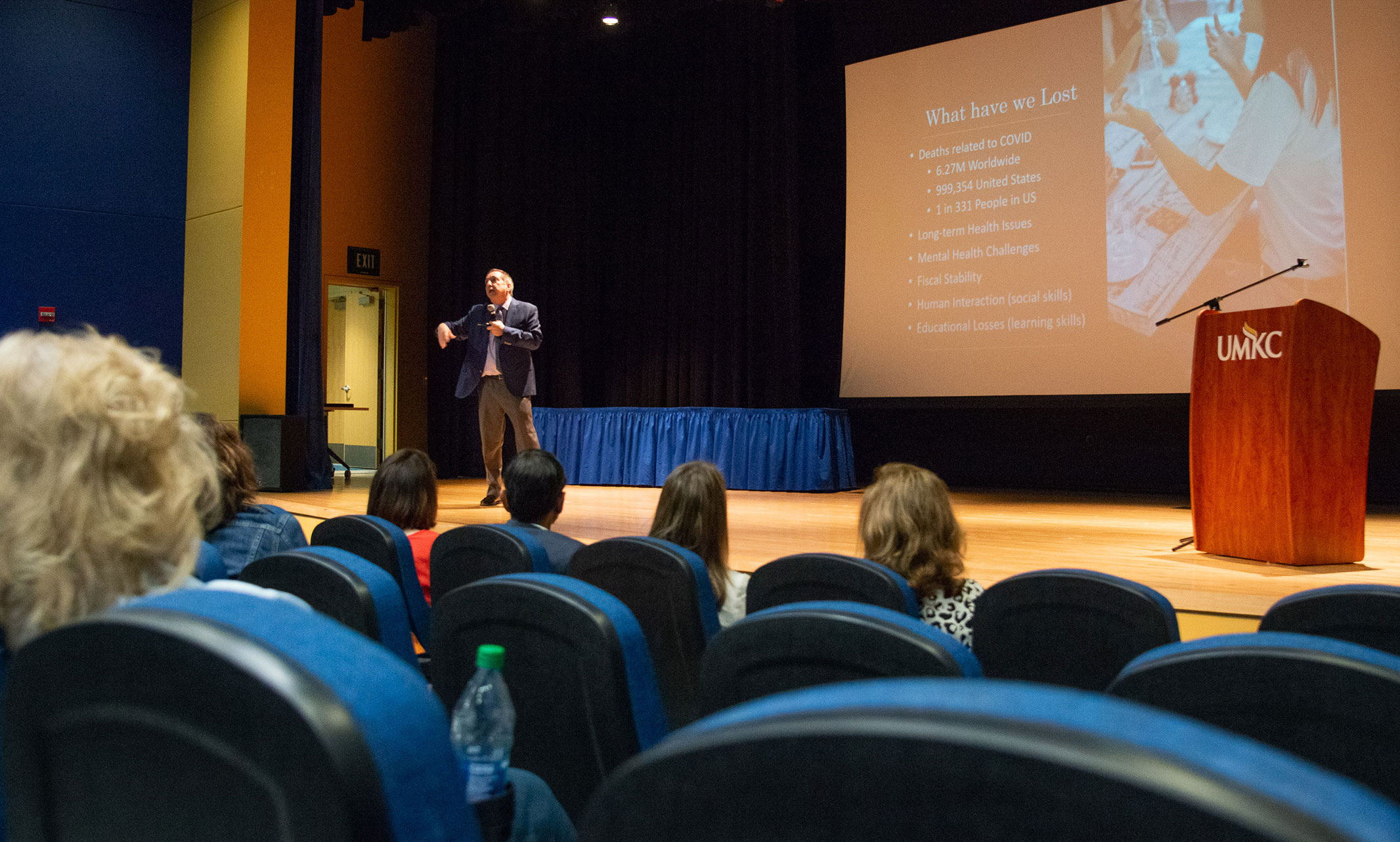
Award Ceremony Honors Two Years of Faculty Excellence
After virtual ceremonies for two years due to the pandemic, the UMKC Faculty Recognition Event returned to an in-person celebration yesterday afternoon at the Student Union.
“In my role as chief academic officer for the university, I am proud to be part of such an inspiring group of academic leaders,” said UMKC Provost Jenny Lundgren. “I am honored to celebrate the award winners being recognized this evening and to also recognize the contributions of all of our amazing faculty for their contributes to the university, especially over the past two years.”
In addition to honoring UMKC’s distinguished faculty, the event featured a keynote speech from Todd Zakrajsek, Ph.D., associate research professor and associate director of fellowship programs in the Department of Family Medicine at the University of North Carolina.
UMKC Chancellor Mauli Agrawal also spoke and praised all the award recipients.
“We are grateful that you choose to work and research here,” said Agrawal. “It’s an honor to be here to celebrate your outstanding accomplishments today.”
The Faculty Awards presented were:
UM System Presidential Fellows
2022 Awardees:
Hadara Bar-Nadav – Professor, Department of English Language & Literature
Amanda Grimes – Assistant Professor, School of Nursing and Health Sciences
Yotam Haber – Associate Professor of Music Composition Department of Music Studies
2021 Awardees:
Joan McDowd – Professor & Chair, Department of Psychology
Jamila Jefferson-Jones – Professor, School of Law
Joey Lightner – Assistant Professor, School of Nursing and Health Sciences
2021 Governor’s Award for Teaching
Michael Wacker – Associate Professor and Vice Chair of Biomedical Sciences
N.T. Veatch Award for Distinguished Research & Creativity
2022 Awardee:
Sean O’Brien – Professor, School of Law
2021 Awardee:
Gary Sutkin – Associate Dean of Women's Health, Victor and Caroline Schutte Chair in Women’s Health
Trustees Faculty Scholar Award
2022 Awardee:
Antonio Byrd – Assistant Professor, Department of English Language & Literature
2021 Awardee:
Alison Graettinger – Assistant Professor, Department of Earth and Environmental Sciences
2021 Trustees Faculty Fellow Award
Jennifer Huberman – Professor, Department of Sociology
Award for Excellence in Mentoring Undergraduate Researchers, Scholars and Artists
Virginia Blanton – Professor, Department of English Language & Literature
Majid Bani-Yaghoub – Associate Professor and Chair, Department of Mathematics and Statistics
Amanda Grimes – Assistant Professor, School of Nursing and Health Sciences
Chancellor's Award for Excellence in Graduate Mentoring
Tanya Villapando Mitchell – Professor and Chair, Division of Dental Hygiene
Chancellor's Award for Excellence in Teaching
Mikah Thompson – Associate Professor, School of Law
Thiagarajan Ganesh – Professor, Department of Civil and Mechanical Engineering
Chancellor's Early Career Award for Excellence in Teaching
Tiffani Riggers-Piel – Assistant Professor, Department of Educational Leadership, Policy and Foundations
Christopher Madden – Assistant Professor of Piano Pedagogy, Department of Music Performance
Provost's Award for Excellence in Teaching
Lena Hoober-Burkhardt – Assistant Teaching Professor, Department of Chemistry
Diana Tamer – Assistant Clinical Professor, Division of Pharmacy Practice and Administration
Elmore F. Pierson Good Teaching Awards
2022 Awardees:
Larry Wigger – Assistant Teaching Professor, Department of Marketing & Supply Chain Management
Narayanan Sreenivasan – Associate Clinical Professor and Director of Pre-Doctoral Oral Surgery
Mary Kay O'Malley – Clinical Professor, School of Law
Tim Cole – Teaching Professor, Department of Biomedical Sciences
2021 Awardees:
Jeff Johnson – Associate Professor, Department of Marketing & Supply Chain Management
Simon MacNeill – Professor and Interim Director of Advanced Education for Periodontics
Allen Rostron – Professor, School of Law
Lance Carter – Associate Teaching Professor, Department of Graduate Health Professions
Chancellor's Award for Embracing Diversity
Tyler Smith – Assistant Professor, Department of Pediatrics
Student National Dental Association/Hispanic Dental Association
Chancellor's Award for Excellence in Community Engagement
Dr. Kenneth J. LaBudde Special Collections Department of University Libraries
Brent Never – Associate Professor, Department of Public Affairs
Chancellor's Award for Career Contributions to the University
Mark Johnson – Professor and Chair, Oral and Craniofacial Sciences
Patricia Marken – Professor Emerita, Division of Pharmacy Practice and Administration
Also honored were the UMKC winners of the 2021 UM Presidential Awards.
May 19, 2022
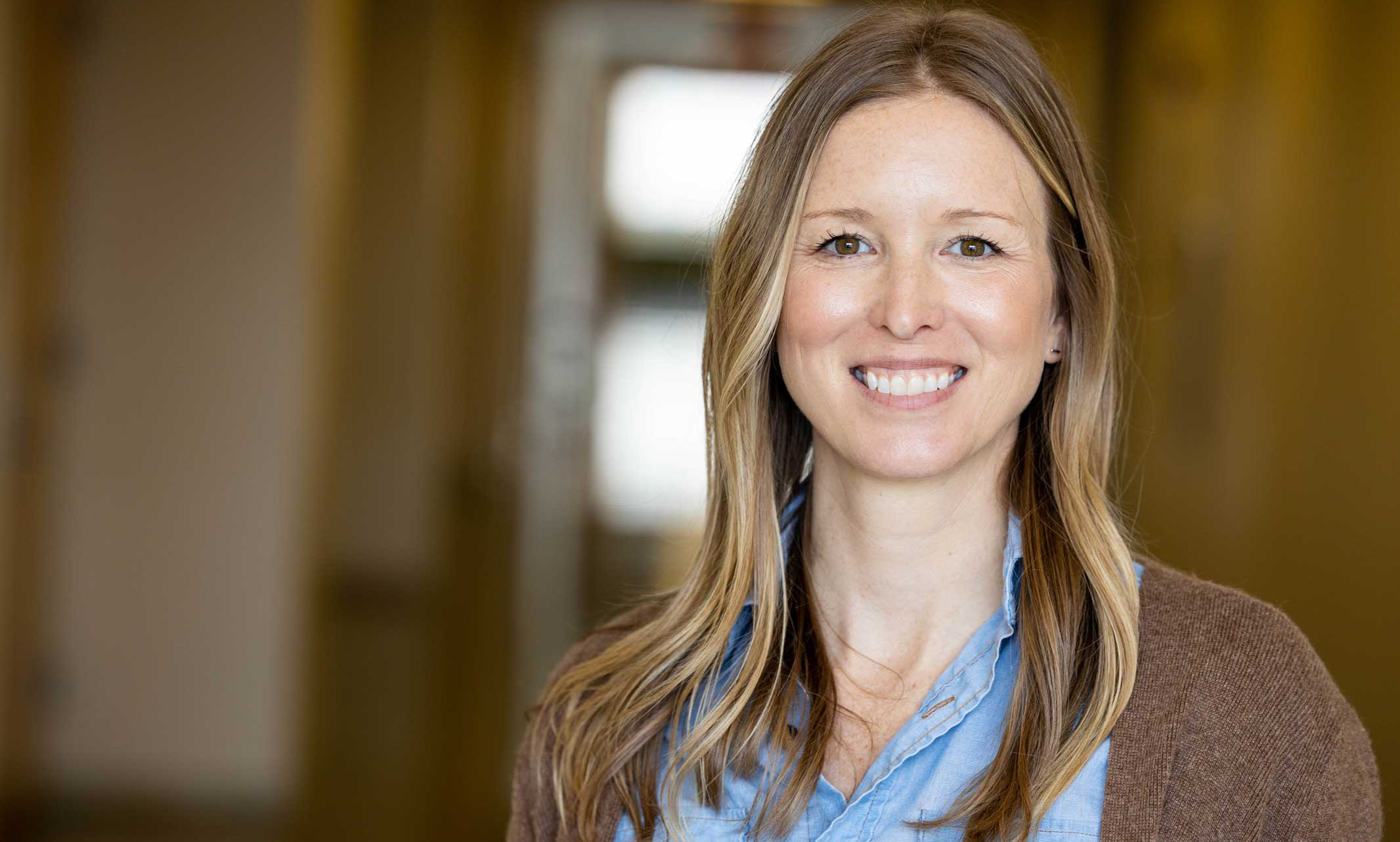
Amanda Grimes receives funding from the Environmental Protection Agency
With help from UMKC public health researcher Amanda Grimes, Kansas City’s push to a zero-fare bus policy could be a catalyst for change nationwide. The city eliminated bus fare across the city during the pandemic and will continue through 2023.
Over the next two years, Grimes will be studying how the new policy impacts the number of bus riders, as well as physical activity levels and how that relates to bus ridership. The study is funded by an environmental justice grant through the Environmental Protection Agency (EPA).
“We think this can have a huge impact across the nation,” Grimes said. “There are so many different transit organizations in cities looking to see how fares impact health.”
The policy is already gaining national attention. During a recent visit to Kansas City, President Joe Biden praised the policy while promoting a recent federal infrastructure law.
Grimes is an associate professor in the UMKC School of Nursing and Health Studies. The research focuses on active transportation and the health and social influences associated with physical activity. It has shown that it is difficult to get people to change their behaviors.
“The idea of this study is that public transit riders get more physical activity per day, adding five-to-ten minutes of additional activity,” Grimes said. “In the physical activity world, just increasing someone’s activity level by a couple minutes a day is considered a success.”
Grimes is collaborating on the study with Children’s Mercy Hospital and BikeWalkKC, a local non-profit that advocates for active and alternative modes of transportation. Grimes and the team will recruit 50 participants through community organizations that work with residents on the eastside of Kansas City.
For a week, study participants will wear a GPS tracker and an accelerometer, a tool researchers use that measures activity more accurately then personal fitness trackers. With that data, Grimes will be able to track what bus stops participants use, bus routes they take and all the physical activity in-between.
“We hope that we'll see a connection with increased physical activity and bus use because we want to see the policy continue,” said Grimes. “If we can provide evidence that it has these positive health impacts on these vulnerable communities, particularly those living in zip codes with lower life expectancies, that will help with finding funding to sustain the policy.”
May 18, 2022
Graduate Certificate in Performing Arts Management prepares next generation of leaders for performing arts organizations
The University of Missouri-Kansas City will celebrate the launch of a new graduate-level arts management certificate program, named for Theatre League founder and President Mark Edelman, at a May 24 campus event.
The new certificate program is funded by a $1 million grant from the Theater League Inc., donated in Edelman’s honor. The launch event will take place at 5 p.m. May 24 in the lobby of the James C. Olsen Performing Arts Center, 4949 Cherry St.
The UMKC Conservatory and the Henry W. Bloch School of Management have partnered to offer the program, designed to help students align their artistry, passion and vision to create career opportunities in the arts.
The goal of the Graduate Certificate in Performing Arts Management is to help artists understand the arts industry as a whole and how they can work to create and to lead arts programs that align with their own passions and desires as artists. Students enrolled in the Edelman Performing Arts Management Certificate will take classes in managing nonprofit organizations and leading teams through the Bloch School, then enter internships with local arts nonprofits through the UMKC Conservatory. These courses and internship opportunities will help students prepare for careers in arts administration.
Speakers at the event will be Edelman; Dana Knapp, President of Arts KC; Bloch School Dean Brian Klaas; and Conservatory Interim Dean Andrew Granade.
“There is a real need for box office, marketing, development and leadership skills to help our local performing arts organizations grow and thrive,” Edelman said. “Through this Graduate Certificate program, the Conservatory and Bloch School will join forces to develop the skilled future leaders who can lead our performing arts community for decades to come.”
The Edelman family has a long history of involvement and support for UMKC. The UMKC Alumni Association honored the Edelman Family with the Class of 2020 Legacy Award. The family’s involvement with the university spans seven decades, beginning with Doris Tager Edelman (’54), a Jewish refugee who fled Nazi Germany. Her husband, William, earned a psychology degree from the university in 1954 while supporting the family as a practicing physician. She instilled the value of education into her three sons, Mark, Alan and Ron, who have established an endowed scholarship in her name designed to support college educations for refugees like her.
Mark Edelman (J.D. ’75), founded the Theater League, Inc., a not-for-profit community-based performing arts organization that has presented the best of Broadway to Kansas City audiences for 42 years. He built the Quality Hill Playhouse and produced 12th Street Jump, a syndicated public radio show hosted on KCUR-FM for several years.
Mark recalled his first foray into theatre production came during his law school years.
“My first presentation in Kansas City—while I was still in law school—involved a student activities-funded presentation of an off-Broadway show called ’Lemmings.’ After the show, the cast came to my apartment at 44th and Walnut, where my neighbors joined me in welcoming them. Three of the actors there were Chevy Chase, John Belushi and Christopher Guest. The following year, they were all on or writing SNL.”
May 18, 2022
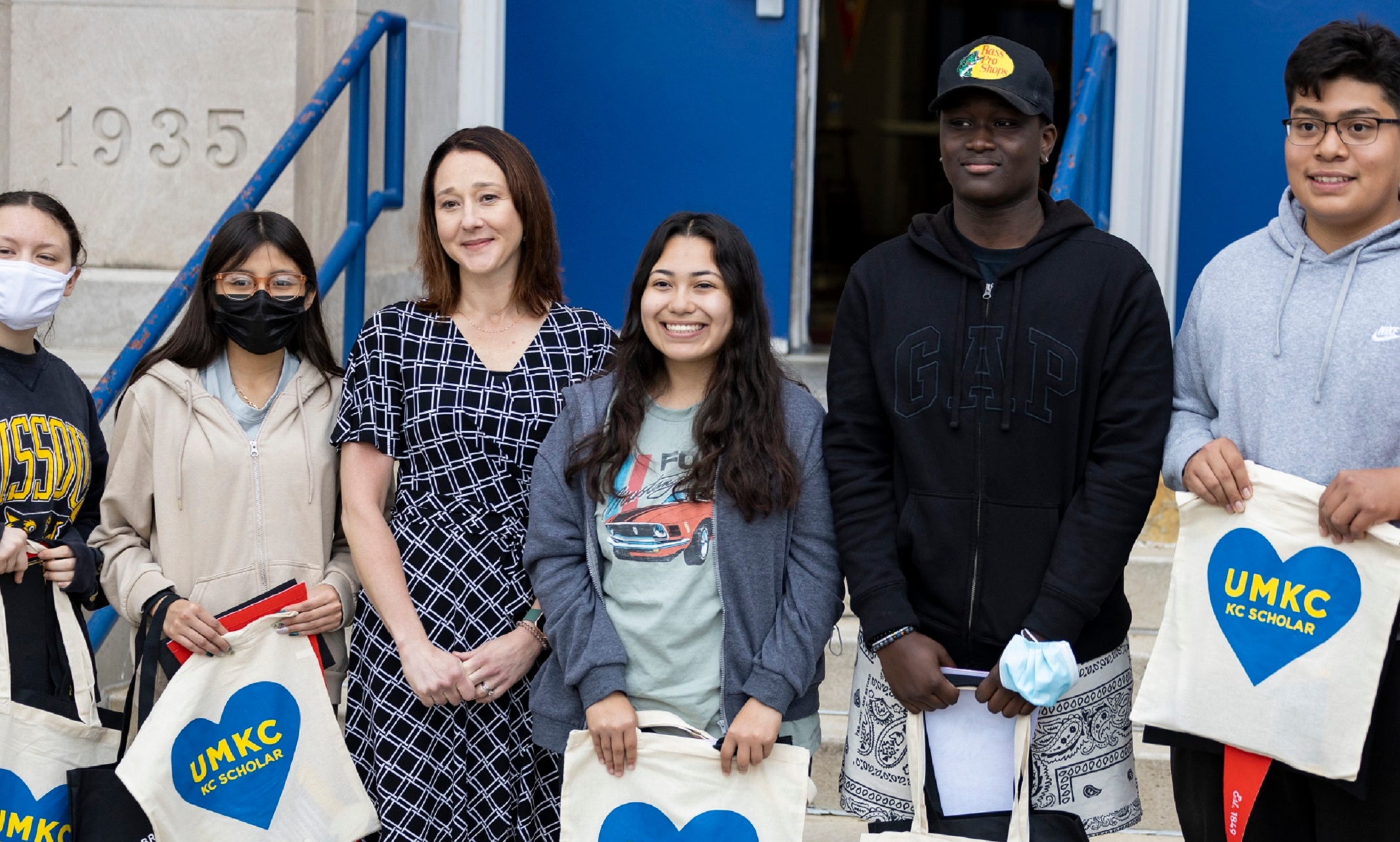
UMKC a popular choice for recipients
KC Scholars changed the future of 695 Kansas City students by awarding college scholarships and awards to area high school students. UMKC is a popular choice for KC Scholars award recipients.
Aaron Belaustegui, a KC Scholar and new UMKC Roo, received his diploma from Lincoln College Preparatory Academy in a May ceremony at Swinney Recreation Center. He will be back in the fall as a UMKC student. The KC Scholars scholarship has made a big difference in his future.
“The scholarship means a lot,” Belaustegui says. “It’s presented me with many opportunities and goes a long way to helping with college.”
Besides the opportunities at UMKC, Belaustegui has a personal connection to UMKC.
“My father used to work here as a Spanish professor, and he would bring us to campus,” Belaustegui says. “I fell in love with UMKC as a kid. I knew I wanted to spend time here.”
Kristian Foster (BA history ‘00, MA sociology ’03) is the principal of Lincoln College Preparatory Academy, one of KC Scholars’ partner schools. She says scholarships escalate students’ potential for success.
“Scholarships such as KC Scholars help our students to get one step closer to the post-high school goals of a college education,” Foster says. “While Lincoln prepares all students to be academically successful in college, providing financial support allows them to focus on the learning and preparation needed at the university level.”
“The scholarship means a lot. It’s presented me with many opportunities and goes a long way to helping with college.” — Aaron Belaustegui
She notes that while most of her students receive some form of financial aid for college, they would incur a significant amount of student loan debt without the award.
“To have the opportunity to earn a college degree and start their career nearly debt-free puts our students ahead of the curve,” Foster says.
KC Scholars, launched in 2016, currently awards approximately 700 college scholarships annually for students from the KC metro area to attend one of 17 partner colleges and universities in Missouri and Kansas, including UMKC. There are 46 recipients of KC Scholars grants currently enrolled at UMKC.
As a UMKC alumna and legacy – her mother was a first generation graduate from UMKC - Foster knows her students who choose UMKC will have a life-changing experience.
“I know the benefits that earning my education from UMKC has offered both myself and my family,” Foster says. “I was able to get first-hand classroom experience during my undergraduate program and college teaching experience during my master’s program. As a graduate student I have been exposed to people from all walks of life and I’ve had the chance to learn more than what we studied in class.”
May 18, 2022
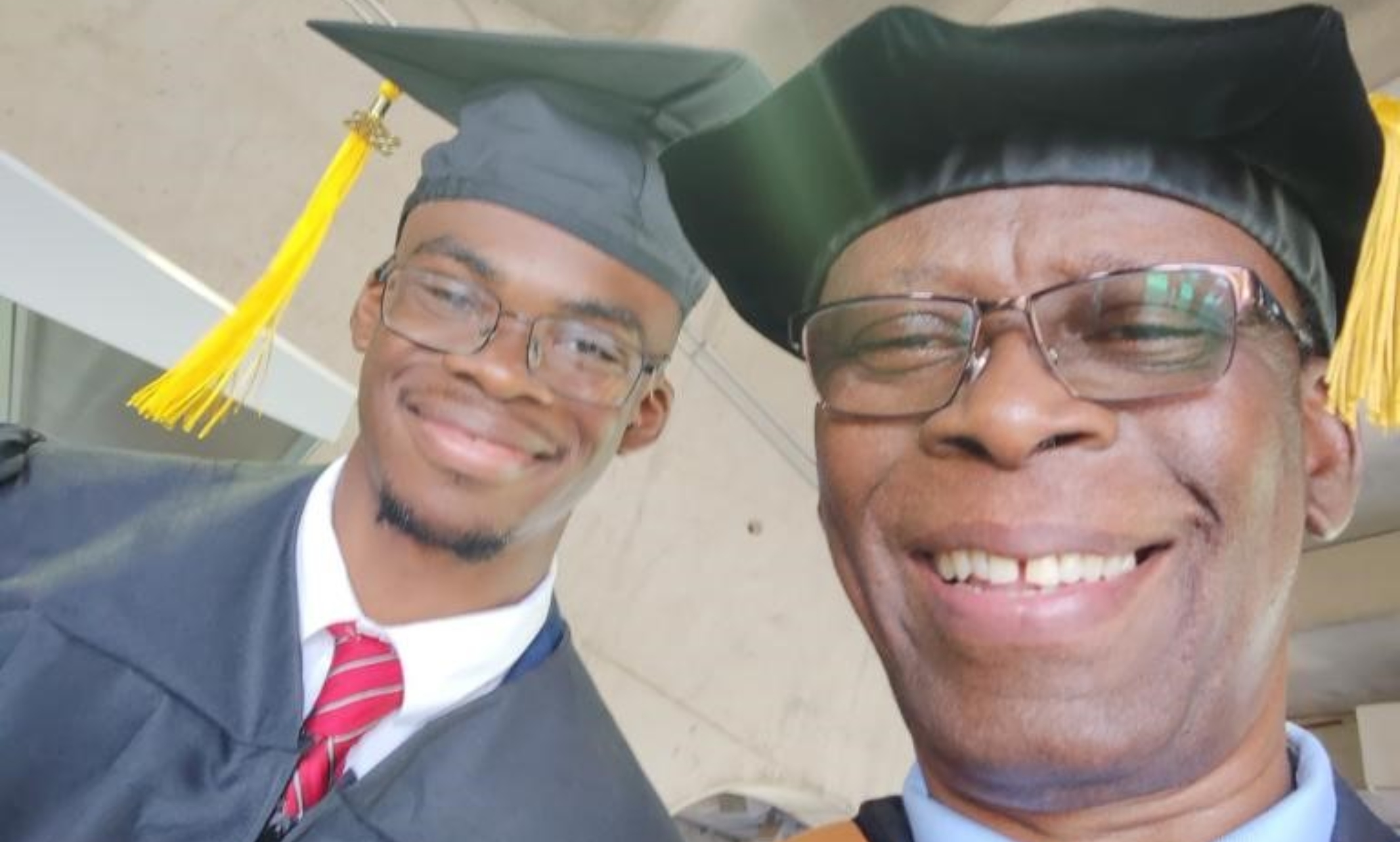
Both credit faculty for their success
Despite graduating with different degrees in different fields, father and son Alex and A.J. Omorodion use the same words to describe their UMKC experience: accessible and helpful.
“When I think of my UMKC experience, I think about the accessibility of the teaching faculty. Many of them are personally helpful to you to achieve your goals,” said Alex, who will be graduating with his interdisciplinary Ph.D. in curriculum and instruction, and physics.
A.J., who will receive his bachelor’s degree in computer science, also praised the faculty and their approach to teaching.
“The professors are very in touch with what it’s like to learn these things for the first time,” A.J. said. “I think sometimes there is a disconnect (for) certain people who are very knowledgeable remembering what it’s like to be new to the material.”
Alex began his affiliation with UMKC in 1995 and previously earned a master’s degree and taught as an adjunct instructor here. He also has been a math and physics teacher at the high school level for 25 years in the United States and taught for 10 years in his native Nigeria. A.J. was born in the U.S. and attended Raytown schools. However, he also spent a year in school in Nigeria, which offered a different model of education that he described as much more like college – even at the high school level.
“There was a lot more emphasis on individual learning. The teachers were more there to facilitate,” A.J. said. “It took some time to get used to a different workload, but I was able to transition easily to UMKC.”
A.J. took advantage of going to school near his family and lived at home and was an active student in a variety of activities.
“My fondest memories of UMKC are the extracurricular things that go on,” he said. “I’ve done intramural sports every year, and that’s always been a lot of fun.”
A.J. will begin work in June as a software engineer for American Century Investments in Kansas City. Alex plans to remain a teacher, but he is preparing to work fulltime on the college level in either physics or curriculum and instruction.
May 18, 2022
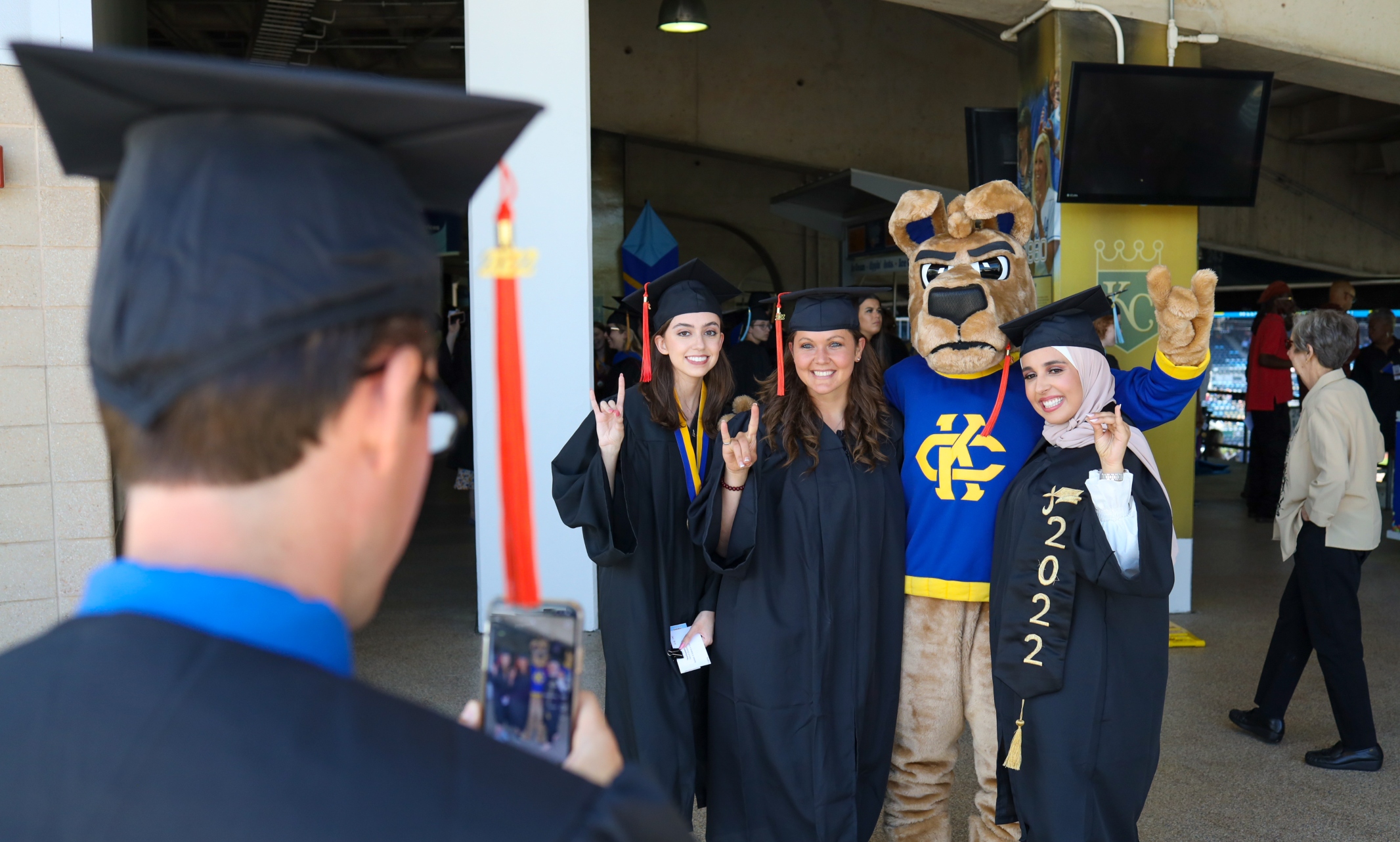
The ceremonies were held May 15, 2022
More than 2,300 students became alumni on Sunday as the University of Missouri-Kansas City held its May 2022 commencement ceremony. For the second year, the ceremonies were held at Kauffman Stadium.
Photo by Brandon Parigo
Photo by Tyler Wirken
Photo by Brandon Parigo
Photo by Tyler Wirken
Photo by Brandon Parigo
Photo by Brandon Parigo
May 15, 2022
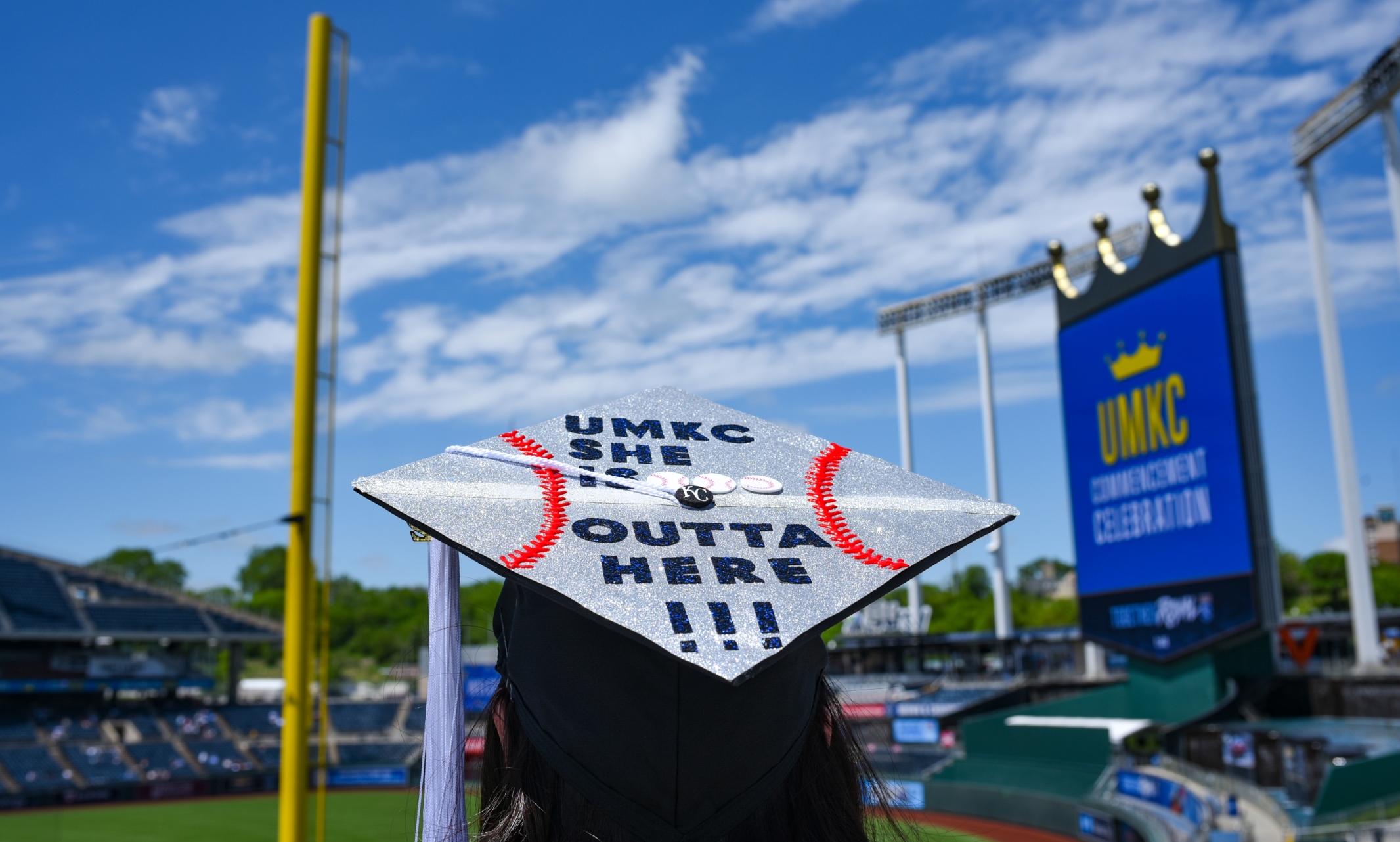
More than 2,300 degrees conferred at second consecutive spring stadium celebration
The University of Missouri-Kansas City returned to Kauffman Stadium for its second consecutive spring Commencement at the home of the Kansas City Royals, celebrating the degrees earned by more than 2,300 graduates.
The event was spread over two ceremonies on May 15. Thousands of guests cheered as they watched their loved ones cross the stage on the giant Crown Vision screen.
Graduates and their loved ones basked in brilliant sunshine. A late decision to shift the scheduled 10 a.m. ceremony to 6 p.m. to dodge a furious downpour kept everyone dry.
Photo by Brandon Parigo
“Through your experience at an urban-serving university, and as students at UMKC, you’ve been introduced to the critical issues in the greater Kansas City area and beyond,” said Chancellor Mauli Agrawal. “Through your experiences, you have learned the importance of giving back and the value of commitment and community. Through your experiences, you have acquired the knowledge, confidence and skills you’ll need to navigate an ever-shifting landscape in the days to come.“More challenges surely await you. But I know, and you know, that you are up to those challenges because you have a degree from UMKC. You are ready for what comes next.”
Photo by Tyler Wirken
UMKC Provost Jennifer Lundgren acted as grand marshal of the ceremony."We’d like to thank John Sherman and the Kansas City Royals for giving us this opportunity to celebrate in majestic Kauffman Stadium again this year," Lundgren said. "We certainly feel at home surrounded by blue and gold.”During the ceremony, Agrawal presented the UMKC Chancellor’s Medal – the university’s highest non-academic award – to U.S. Sen Roy Blunt of Missouri. Agrawal thanked Blunt for his work to generate critical investments in higher education.“Senator Blunt created the grant that allowed UMKC to receive funding to improve COVID-19 testing and vaccine access in underserved communities in Kansas City. His advocacy for the Kansas City Streetcar broadens opportunities for our students and our campus as a whole,” Agrawal said. “Senator Blunt’s leadership brought us more than $15 million to expand the UMKC School Of Medicine to our new St. Joseph campus, which allows us to train even more doctors to benefit the state of Missouri.”
Photo by Tyler Wirken
Blunt then delivered a commencement address in which he reminded the graduates of the power of the example they have set.“People have been watching you – people you didn’t even know were watching you,” Blunt said. “These people have been inspired by what you have managed to accomplish.”
Photo by Brandon Parigo
Blunt said that each of the professional fields that the graduates were about to enter, from medicine to management, had changed dramatically over the past few years. “What a great time to commence. What a great time to begin,” he said. “There’s an economy out there that is desperately looking for people. You are prepared to adapt to a rapidly changing world.”
May 15, 2022
Twenty-two students recognized for scholastic performance, community leadership and service
Graduating students who have excelled in both academic achievement and service may be nominated as a Dean of Students Honor Recipient.
Every semester, exceptional graduating students are recognized as Dean of Students Honor Recipients. These students maintain excellent scholastic performance while actively participating in university activities and community service outside of the classroom.
“These students represent what it truly means to be a Roo with their dedication to learning and service,” said Michele Smith, dean of students. “I’m proud to recognize them and I have no doubt they all have successful careers ahead of them.”
Students shared their memories of their college years at a special breakfast celebration in their honor. Some excerpts:
Avleen Bhandal: “UMKC has inspired me through many ways, but particularly the people I have met here. From my best friends and family to my professors and mentors, I have been honored to work with some wonderful people who inspire me every day and who have kept me motivated throughout this journey. This journey has not been without its struggles, but I am lucky to have so many people standing behind me and wishing me success through those challenges.”
Michael Brancato: “When I think of UMKC students or faculty, I think of compassion and humanitarianism. The students and faculty who take it upon themselves to teach and volunteer make me want to do more for the community. I am most proud of the student-run free clinic we have worked to establish here in Kansas City. I find inspiration through the people who are a part of the UMKC community and who choose to give of themselves to make our community better.“
Eric Honea: “UMKC has given me the opportunity to learn, grow and excel. While this may be the end of my educational journey at UMKC, it is only the beginning of my journey of being a voice for others. “
Tim Nguyen: “I’ll remember two lessons which I have learned over the past two years. First, rejection is redirection, and second, when you fail or fall, stay down for as long as you need to in order to both understand and to learn, before you immediately jump back up.”
Dev Patel: “My proudest accomplishment while at UMKC has been my work achieving this goal of reaching underserved populations. The JayDoc Free Dental Clinic is a biweekly free dental clinic that provides treatment for patients with dental pain who cannot afford treatment elsewhere. For two years I worked as an Executive Director of the clinic. Right as I started this position, the COVID pandemic hit, and we were forced to close down. I’m most proud of the months of work our executive board did to reopen the clinic in a way where we could prioritize the safety of our volunteers while providing much needed dental care to the community.”
Congratulations to the Spring 2022 Dean of Students Honor Recipients!
Samar Azzaidani - School of Medicine
Nominated by Julie Banderas
Allison Baker - School of Pharmacy
Nominated by Roger Sommi
Avleen Bhandal - School of Medicine
Nominated by Brent McCoy
Winston Bowles - College of Arts & Sciences
Nominated by Katie Garey
Michael Brancato - School of Medicine
Nominated by Alison Scholes
Abigail Castle - College of Arts & Sciences
Nominated by Ken Novak
Alyssa Corley - School of Biological & Chemical Sciences
Nominated by Katie Garey and Jeff Price
Anna Davis - School of Medicine
Nominated by Betsy Hendrick and Kathleen Moburg
Samantha Hays - College of Arts & Sciences
Nominated by Katie Garey
Eric Honea - School of Law
Nominated by Barbara Glesner Fines, Nancy Levit, Lauren Butler, Timothy Lynch, and Meg Reuter
Anna Hwang - School of Medicine
Nominated by Brent McCoy
Amanda Malone - College of Arts & Sciences
Nominated by Becky Bergman and Misty Campbell
Abigail Murphy - School of Medicine
Nominated by Brent McCoy
Tim Nguyen - School of Biological & Chemical Sciences
Nominated by Kathleen Kilway, Katie Garey, and Joe Constantino
Toluwanimi Olatunde-Salawu - School of Computing & Engineering
Nominated by Julie Myer
Caroline Olson - School of Medicine
Nominated by Peter Koulen
Dakota Owens - School of Medicine
Nominated by Krisana West
Dev Patel - School of Dentistry
Nominated by Richie Bigham
Kyle Potts - Bloch School of Management
Nominated by Jeina Stoumbaugh
Casey Rose - School of Medicine
Nominated by Krisana West
Marcus Thieu - School of Biological & Chemical Sciences
Nominated by Tammy Welchert, Rachel Hughes, and Todd Wells
Genesis Zuniga - School of Education
Nominated by Lynne O’Dell
May 13, 2022
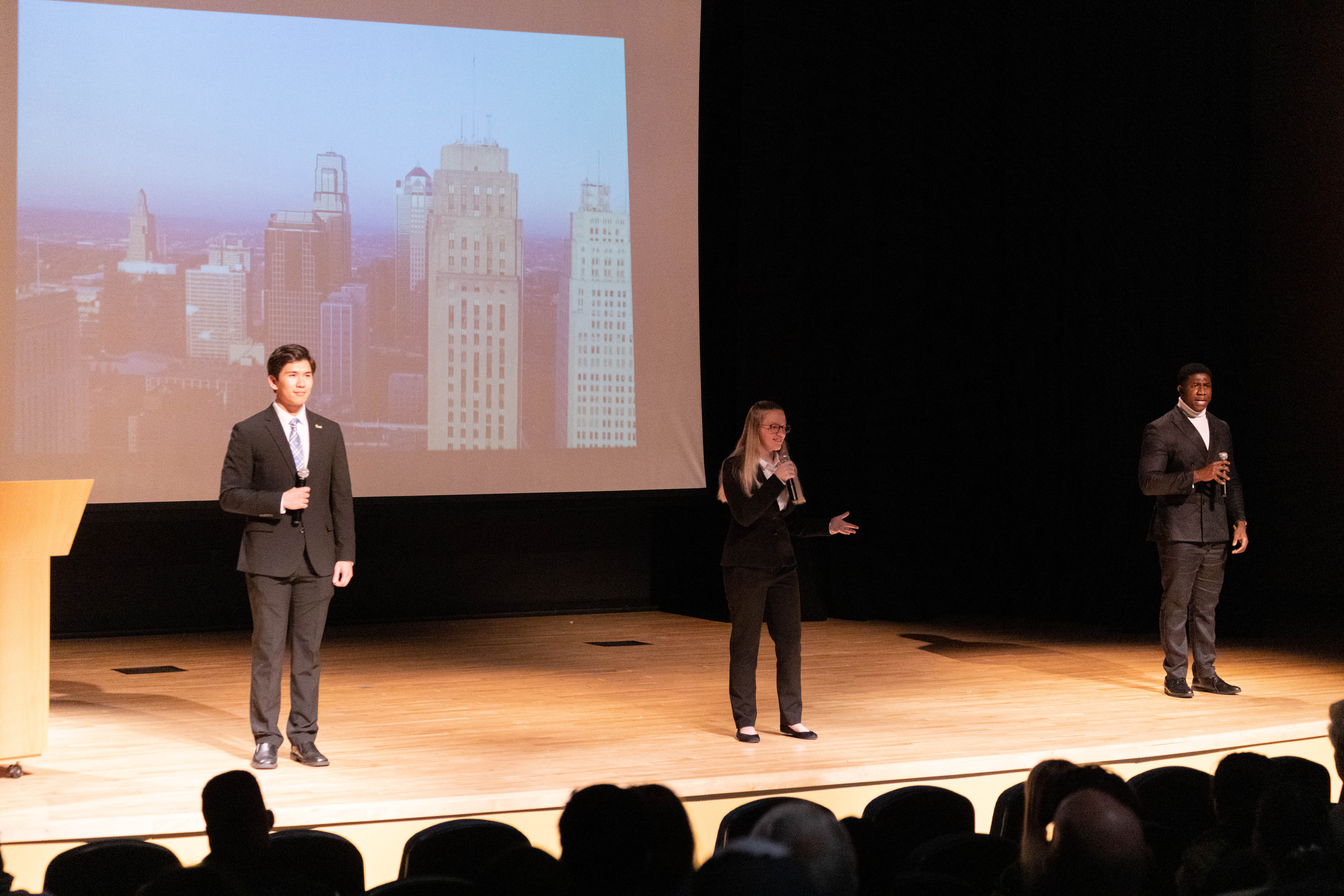
Student organization celebrates another big year of accomplishment, service
The UMKC Enactus team has wrapped up another year of high national honors and high local – and global – impact.
Enactus is a global organization for college students who volunteer to develop projects that create positive change through entrepreneurial action. UMKC Enactus placed among the top eight teams in the country during April’s National Expo at Long Island University in New York and garnered multiple individual awards as well.
It’s familiar territory; the UMKC team has placed in the top 10 nationally for four consecutive years and consistently wins top individual awards as well. The competition result was earned through student projects that have produced meaningful results from Kansas City to Mexico to Nigeria.
On campus, Enactus was named Student Organization of the Year at the UMKC Student Organization and University Leadership (SOUL) Awards. While the team is headquartered at the Henry W. Bloch School of Management, it draws students from multiple majors and academic programs across campus, an example of how UMKC emphasizes entrepreneurship and innovation campus-wide.
The team’s projects included:
FeedKC, which connects local food vendors to local food banks, directing leftover food to people instead of landfills. Students developed the FeedKC Web App – feed-kc.com – connecting businesses and soup kitchens directly to eliminate the need for a middleman.
Fashionnovation, an initiative to reduce the environmental effects of fast fashion; 85% of clothing ends up in landfills. The initiative reduces fashion waste by repurposing used clothing into commercial products.
Generation Green, a project dedicated to repurposing plastic waste and encouraging interactive learning by recycling plastic into colorful, durable dry-erase boards. The boards are welcomed by local teachers as replacements for school supplies that are frequently broken, while preventing new plastic production and reducing waste.
Cultura En Tus Manos, an initiative for artisans in Oaxaca, Mexico, who depended on street sales of their crafts to tourists but were left without a market because of the COVID pandemic. Enactus created an online marketplace for them and a training module to learn to use it.
Project AIR (Achieve Inspire Rise), an initiative to provide post-high school training in resume-building, how to apply for jobs and other professional development skills to young people living in underserved Kansas City communities.
Educate to Elevate, an initiative that raised tens of thousands of dollars to build a well, bathrooms and a new classroom building for the Ogwuokwu Community School in Ogwuokwu, Nigeria. Incidence of water-borne illnesses dropped dramatically after the project was completed.
Several students received individual honors at the National Expo. Club President Hannah Case won the top Jules and Gwen Knapp Scholarship of $10,000. Students Sophia Ho and Aaron Winter won $3,000 scholarships. Drew Childs – who won the $10,000 Knapp scholarship last year – was named national project leader of the year. Ellyssa Gallinger was named national finance leader of the year.
May 13, 2022
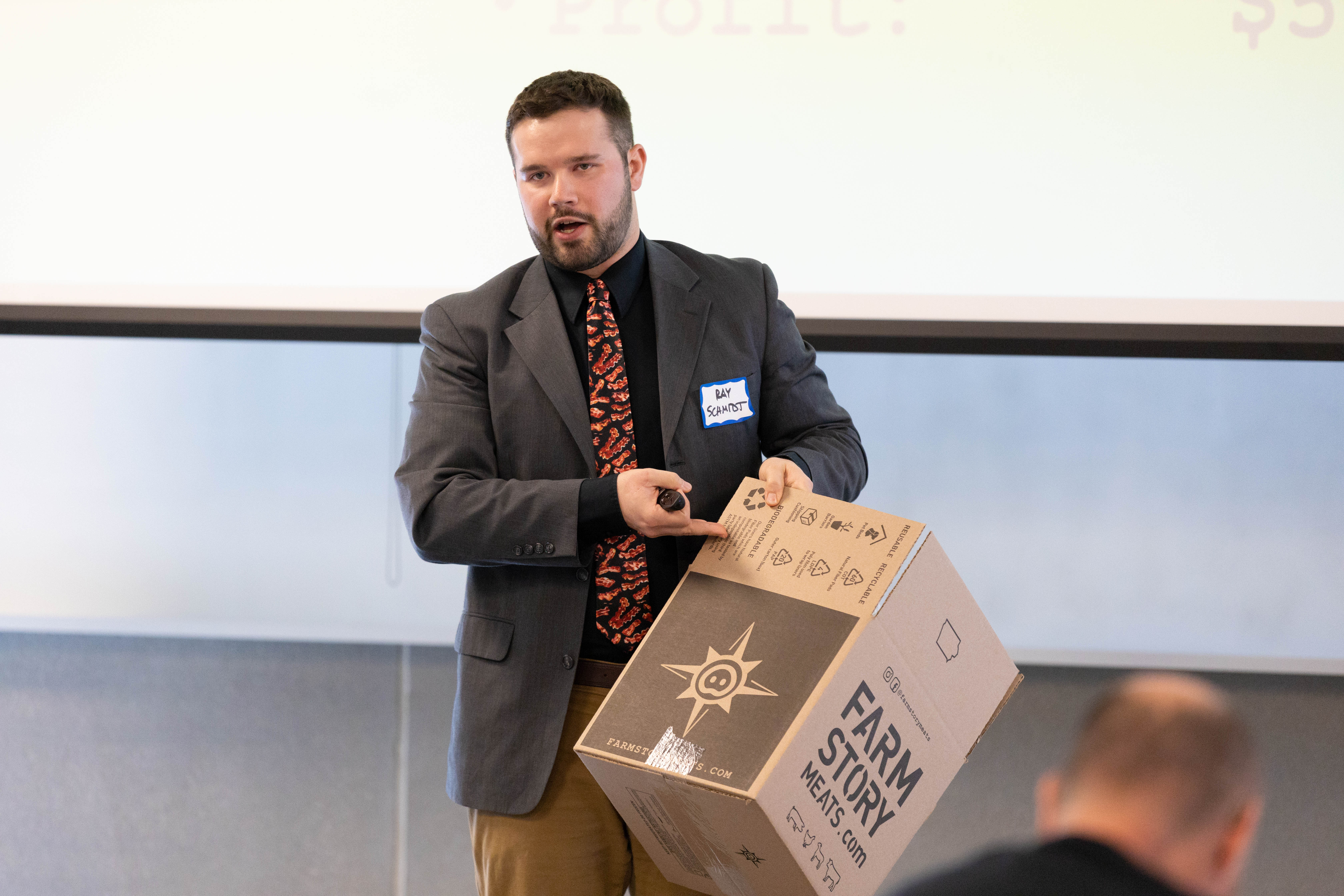
Regnier Venture Creation Challenge supports student and community entrepreneurs
The UMKC Regnier Institute for Entrepreneurship and Innovation awarded more than $93,000 in prizes at the 2022 Regnier Venture Creation Challenge.
The challenge is an annual business plan and pitch competition for new startups. The Regnier Institute is a program of the UMKC Henry W. Bloch School of Management. This year’s competition included three separate tracks, including a new one for non-students from the Kansas City startup community. The competition also includes two tracks open to college students from Missouri, Kansas, Iowa or Nebraska. There were 73 total applicants this year, representing 14 universities in the four-state region.
Sponsors providing prize funding included Bob Regnier and Regnier Family Foundations; Blue Cross Blue Shield of Kansas City; and David M. Block, President of Block & Company Inc. Realtors along with his two sisters, Candace Block and Cynthia Kosoglad.
The 2022 winners include:
Regnier College Startup Awards
Open to any student from any area of study enrolled at a university or college in Missouri, Iowa, Nebraska or Kansas
First Place - $15,000: Farm Story Meats – Ray Schmidt (Iowa State University)
Farm Story Meats brings our customers transparency about the locations, farms and people that supply their food, through subscription or individually chosen boxes of sustainable and locally sourced meats. We share the stories of the farmers that raise the animals, and we strive to make the supply chain of farm to customer as short as possible.
Second Place - $10,000: Crib Coaching – Jill Bertelsen and Justin Bertelsen (UMKC E-Scholars)
Crib Coaching uses a human-centered design to engage parents with children up to age 5. Every day parents watch a short video and have a reading passage, journal activity and/or game.
Third Place - $5,000: ALLTER - Michelle Gershkovich, Gabriella Meisner, Ebuka Akubilo (University of Missouri)
ALLTER is a platform that collects and translates customer data to deliver accurate clothing sizes.
BlueKC Health Care Innovation Awards – Open to health care-related ventures started by degree-seeking college students (undergraduate or graduate) from any area of study enrolled at a university or college in Missouri, Iowa, Nebraska or Kansas.
First Place - $15,000: Speak Information Technology (SpeakIT) - Julian Lu, Madison Singleton, Ajla Salic, Max Popper, Kai Skallerud (Washington University in St. Louis)
Speak Information Technologies is a software company that specializes in voice-enabled assistance tools for healthcare providers. The technology empowers healthcare providers with the ability to automate keyboard and mouse tasks with their voice, leading to comprehensive workflow automation in electronic health records.
Second Place - $10,000: MiDoc - Linda Wu, Lili Hostetler, Shivaen Ahuja, Ben Graue, Darren Lee (Washington University in St. Louis)
In a time of telemedicine, doctors are unable to perform heart and lung exams, and this lack of vital information results in ineffective care. MiDoc is an at-home wearable product that the patient wears like a vest, equipped with sensors for a remote heart and lung exam.
James and Rae Block Kansas City Startup Awards – This track was open to new starts or early-stage businesses with annual revenue between $0-250,000 from the Kansas City MARC Region.
First Place - $15,000: Cafe Ca Phe - Jacqueline Nguyen, Madoka Day, Jason Izquierdo, Rebekah Leininger
Cafe Ca Phe is Kansas City's first Vietnamese coffee shop. They serve coffee that is farmed in Vietnam, roasted by first-generation, Vietnamese-American women. All drinks are influenced directly by Vietnamese culture.
Second Place - $10,000: SeeInMe - Risa Stein
SeeInMe addresses care inequities resulting from an inability to connect with communication-challenged individuals. Instant Connector cards employ NFC technology and QR codes to ensure instant access to an individual’s Personality Profile.
Honorable Mentions
Outstanding Undergraduate Award - $2,500: Sky Sprayers - John Gamez-Ramos, Tyler Preisser, Chance Fuhrman (Fort Hays State University)
Sky Sprayers is an innovative, brand-new way to spray your crops. It is a fully autonomous drone and trailer setup that not only can fly on its own but actually can spray your field all by itself.
Outstanding Social Venture Award - $2,500: Hormonetopia – Najjuwah Walden (Washington University in St. Louis)
Hormonetopia teaches the lifestyles that cause menstrual symptoms and provides steps to prevent them. Our web-based curriculum is for K-12 health and science classrooms during their menstruation instruction.
Outstanding Creative Enterprise Award - $2,500: Tate’s Burnin’ Big Band – Tate Berry (University of Missouri-Kansas City)
A 17-piece progressive big band merging multiple genres of music and is dedicated to progressing the musical art form. It offers a variety of services, including live performances, merchandise and event creation.
Russ & Melanie Cline Family Foundation Outstanding Community Business Award - $5,000: Aya Coffee and Books - Jahna Riley (Kansas City-based business)
Aya Coffee + Books is growing into a coffee shop and bookstore that celebrates coffee’s African origins, and the bookstore highlights books by and for Black, Brown and Indigenous people.
May 11, 2022
Larry Wigger, UMKC assistant teaching professor of supply chain management, Henry W. Bloch School of Management, is an expert contributor to Wallet...
His recent WalletHub article explores the benefits of gap insurance and discusses which buyers should purchase gap insurance, the best resources from which to purchase this insurance and how to determine when a driver no longer needs it.
The complete article is available here.
May 11, 2022
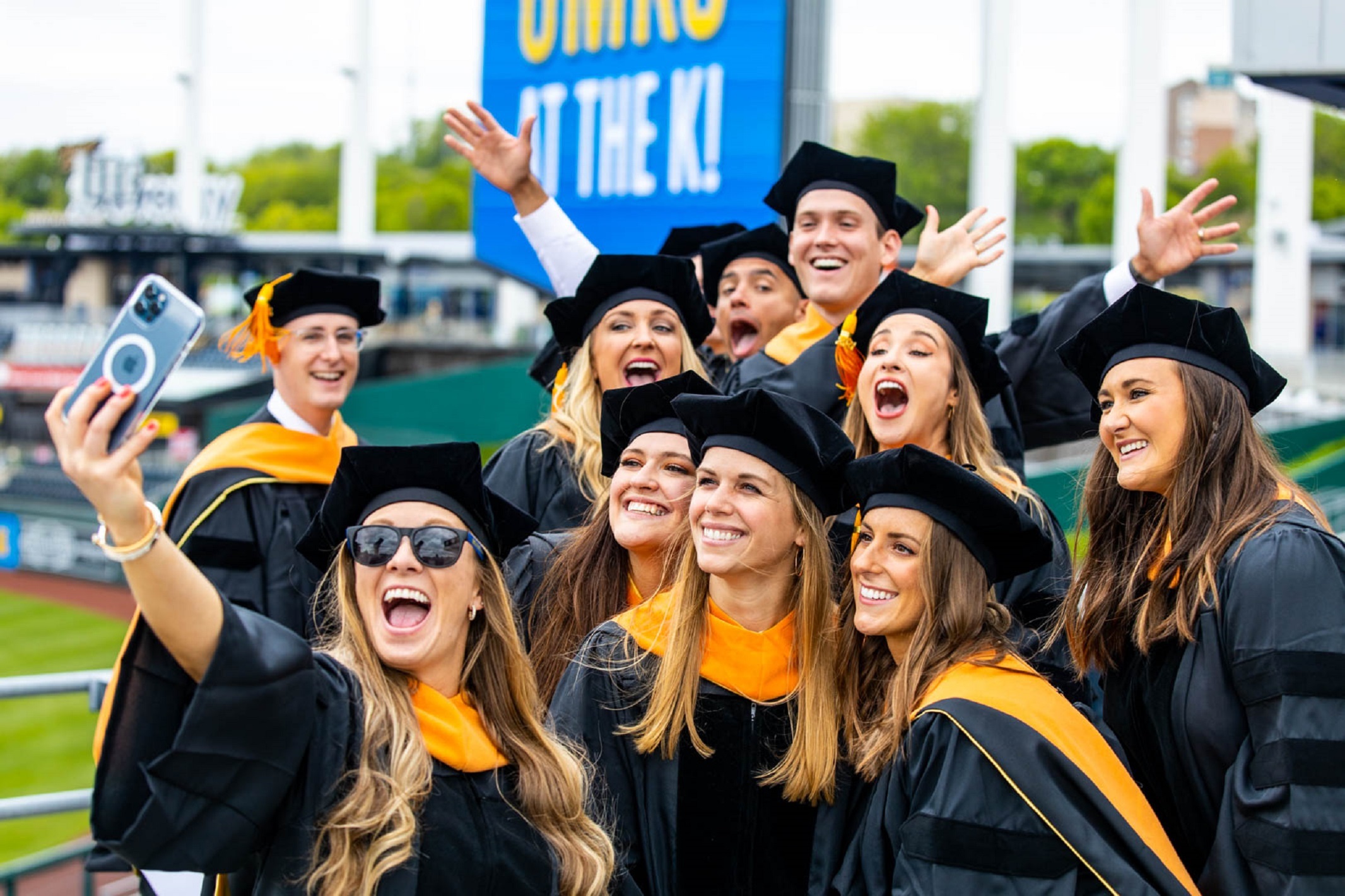
Ceremonies for 2022 graduates will be May 15
The University of Missouri-Kansas City is pleased to announce two ceremonies honoring its more than 2,300 2022 graduates on Sunday, May 15, at Kauffman Stadium.
UMKC is continuing the recent tradition of celebrating commencement in signature Kansas City locations.
“We are Kansas City’s university,” UMKC Chancellor Mauli Agrawal said. “Celebrating our graduates in an iconic Kansas City location such as Kauffman Stadium reflects our history and our future as a component of Kansas City’s growth and success. We know our graduates are honored to receive their diplomas on the field at The K.”
This year’s commencement speaker is U.S. Sen. Roy Blunt of Missouri. He has served as majority leader and whip during his tenure in the U.S. House. Blunt currently serves on the Committee on Appropriations; the Committee on Commerce, Science and Transportation; the Joint Committee on Printing; Joint Committee on the Library and Select Committee on Intelligence. The Roy Blunt NextGen Precision Health building in Columbia, Missouri, a regional research hub, is named in his honor.
Blunt will receive the UMKC Chancellor’s Medal, the university’s highest non-academic honor. The medal honors those who have shown UMKC extraordinary support and service. First awarded in 1961, the university awards the Chancellor’s Medal to people in a range of fields including art, education, law, politics, religion, child welfare, urban design, sports, music, health care and journalism.
Agrawal said Blunt’s efforts specifically on behalf of UMKC have been both broad and deep, with positive impacts in areas ranging from health care to student financial aid.
Blunt led efforts to increase the maximum Pell Grant award over the past five years, and to restore year-round Pell Grants to help students stay in school and graduate. His legislation created the grant program that supported UMKC efforts to improve COVID-19 testing and vaccine access in underserved communities. This funding led to the development of the Our Healthy Kansas City Eastside initiative in which UMKC partnered with Jackson County, churches, business and community organizations in Kansas City to improve health outcomes in underserved neighborhoods.
Blunt’s efforts were instrumental in providing funding for the expansion of the UMKC School of Medicine to a second campus in St. Joseph, in partnership with Mosaic Life Care. As a result, the university is training more doctors who are prepared to serve in rural areas, impacting healthcare services across the state.
The 2 p.m. ceremony will recognize graduates of the College of Arts and Sciences, School of Biological and Chemical Sciences, School of Computing and Engineering, the UMKC Conservatory and the School of Education.
The 6 p.m. ceremony will recognize graduates from the Henry W. Bloch School of Management, School of Dentistry, School of Law, School of Medicine, School of Nursing and Health Sciences and the School of Pharmacy.
There is no guest limit, but graduates need to register their guests online.
UMKC Commencement at The K will be a rain-or-shine event. Graduates and guests are advised to monitor weather forecasts and be prepared to participate amid light rain showers if they occur. Guests may bring small umbrellas (no golf umbrellas) into Kauffman Stadium as long as they do not interfere with other guests’ enjoyment of the ceremony. For the comfort and consideration of all guests, it is requested that those using umbrellas be considerate of those around them.
In case of heavy downpours or other severe weather, UMKC will follow the Royals’ standard weather protocol. The team will make the call as to whether the ceremony must be delayed; that information will be shared within the stadium, on the MLB Ballpark app and on the UMKC 2022 Commencement web page and the university’s Twitter and Facebook accounts.
May 09, 2022
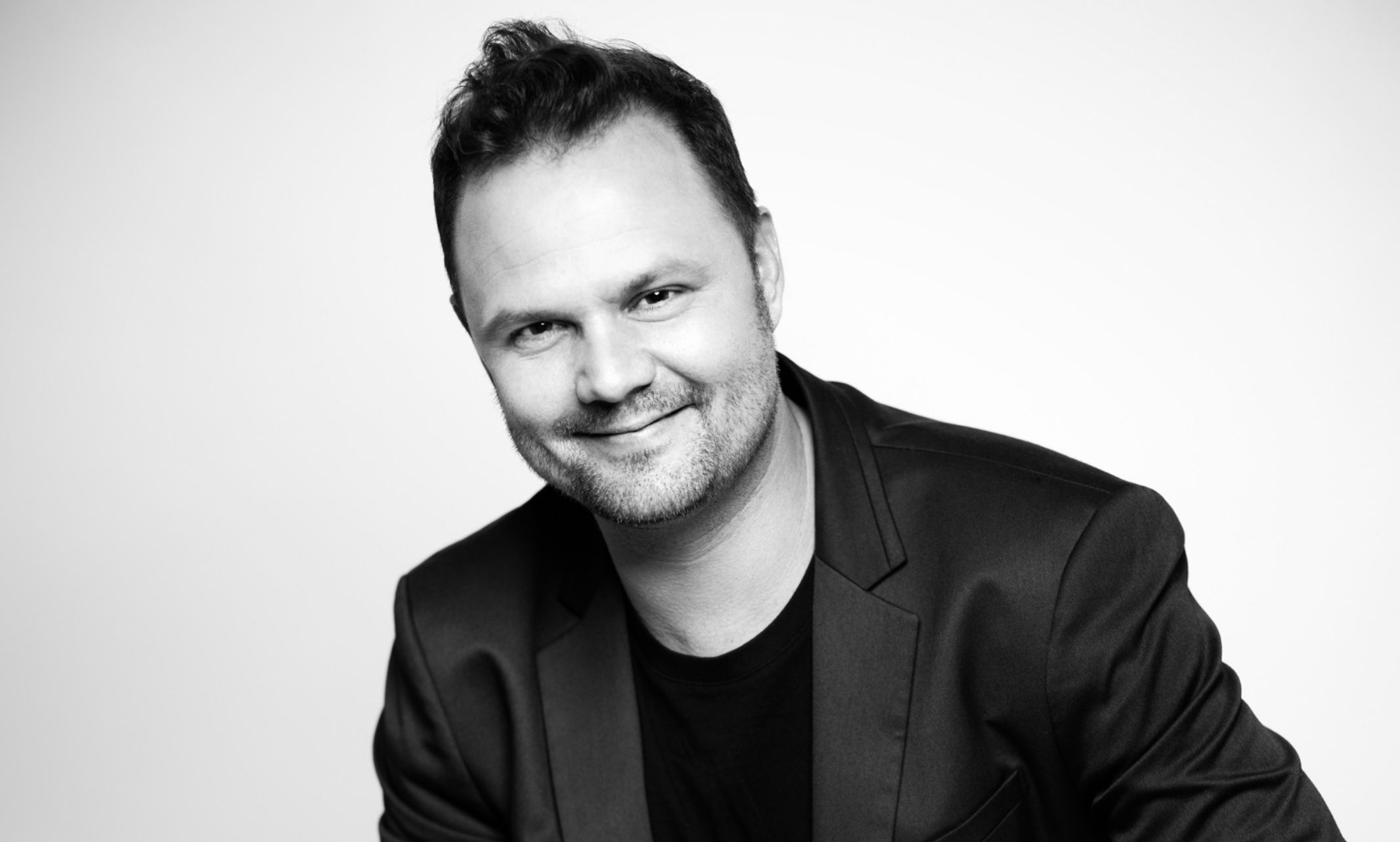
Thomas Rosenkranz headed to Taiwan
Thomas Rosenkranz, associate professor of piano, recently was named a 2022 Fulbright Scholar. As part of the award, Rosenkranz will be an artist-in-residence at Tunghai University in Taichung, Taiwan in the Fall 2022 semester.
The Fulbright U.S. Scholar Program offers awards in more than 130 countries for participants to teach, conduct research and carry out professional projects around the world. The competitive program is the largest in the United States, with approximately 800 fellowships awarded annually.
“Dr. Rosenkranz’s Fulbright Scholar Award is further confirmation of his artistry and teaching,” said Andrew Granade, interim dean of the Conservatory. “He continues the legacy of our piano area while taking it in bold new directions. We are thrilled for him and the well-deserved recognition this award represents.”
Rosenkranz, who has been at the Conservatory since 2018, is familiar with the Fulbright Scholar program’s mission to increase international understanding. He has performed around the world, including Mongolia, Borneo, Yunnan Province in China, North Africa and the Middle East.
“Some of the most meaningful musical experiences for me has been to perform in places where western classical music is rarely performed,” said Rosenkranz. “I’ve always seen music as a kind of passport to access people’s cultures. You can break down a lot of walls by finding common ground through music.”
Rosenkranz has been to Taiwan on several occasions, making it an obvious choice as his host country during the application process. Rosenkranz will teach two courses at Tunghai University, in addition to performing concerts and master classes on campus and around the country.
“I love Taiwan’s rich culture and welcoming people,” said Rosenkranz. “From the beginning of the Fulbright application process, the faculty at Tunghai University have been very enthusiastic about having a Fulbright scholar in residence. It will be a great place for my family and I to spend a semester.”
May 06, 2022
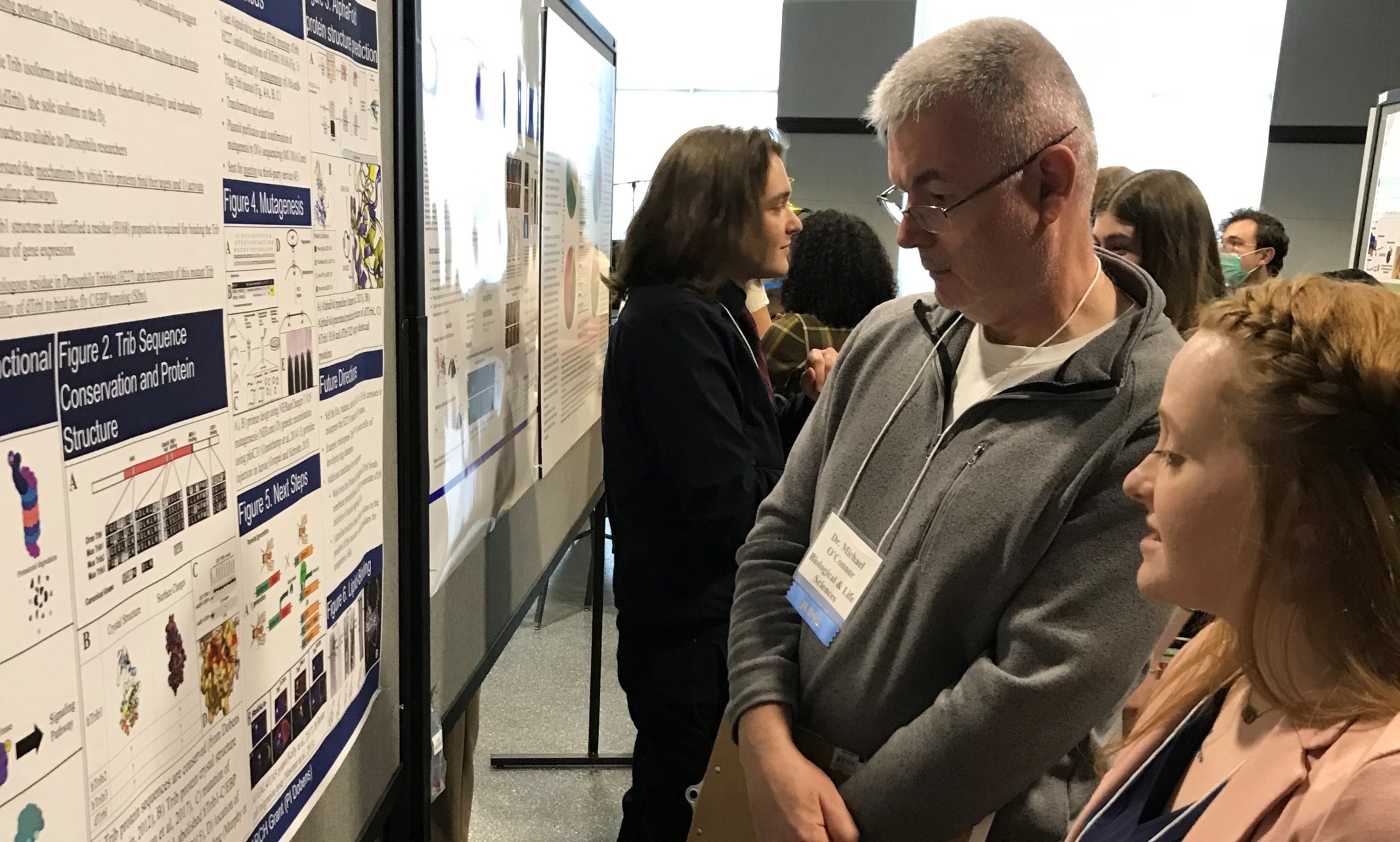
Work from variety of disciplines showcased at annual symposium
More than 200 undergraduate students presented their research at the 22nd Annual Symposium of Undergraduate Research and Creative Scholarship. The April event allowed students at UMKC to share their research, scholarship and creativity. It also provided an opportunity for them to receive feedback on their work. Director of Undergraduate Research Jane Greer, Ph.D. said providing undergraduate students with research opportunities benefits them in more ways than one."Students at UMKC have the unique opportunity to work with faculty in archives, laboratories, studio and in the community. Through these mentored experiences, students gain the skills and confidence to succeed academically and professionally,” said Greer.In addition to the presentations, six students were awarded Presentations of Distinction, which recognize excellence in undergraduate research.
More than 200 students presented research at the annual symposium
Presentations of Distinction recipients:
Emma Leonard
SeniorCategory: Arts and HumanitiesProject Title: Sports and Gender: A Comparative Historical Analysis of Men’s and Women’s Sports in the United States
Shea O'Connor
SeniorCategory: Biological and Life SciencesProject Title: AI and The Fly
Karah Chappel
SeniorCategory: Behavioral and Social SciencesProject Title: Exploration of the Education and Experiences of Music Therapists in Trauma Care
Dan Caron
Senior Category: Computing and EngineeringProject Title: Augmenting BIM with Real Time 3D and Damage Analytics
Amanda Pierce
Senior Category: Physical and Natural SciencesProject Title: The Effectiveness of Sphagnum subsecundum Moss Removal of Dissolved Carbon Dioxide and pH Balancing of Missouri Freshwater
Alejandra Frias Fraire
Junior Category: KC WorksProject Title: Armourdale's Correlation Between Industry Pollution and Health Inequity
Learn more about undergraduate research opportunities
May 05, 2022
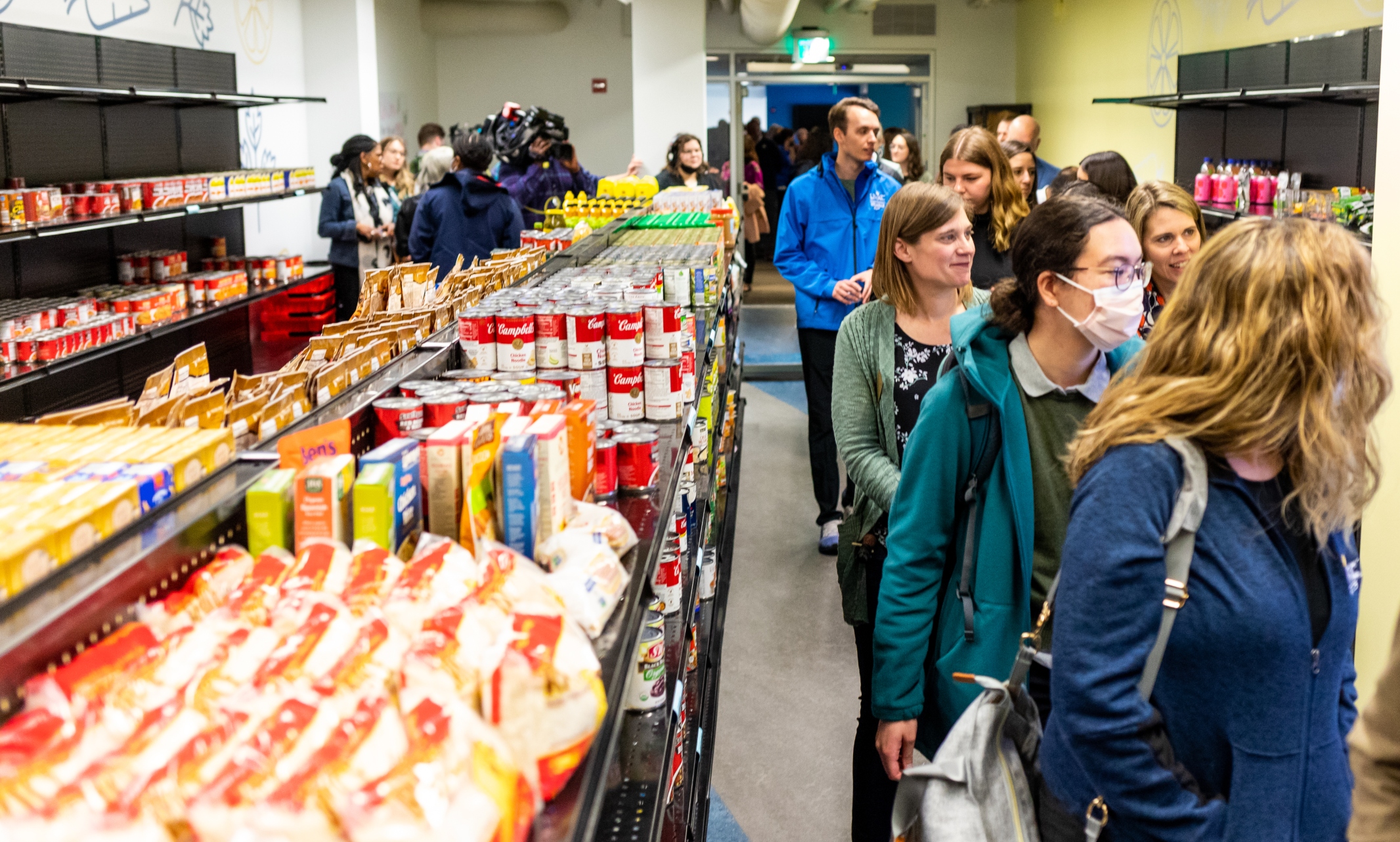
Move to UMKC Student Union allows easier access to critical resources
The new UMKC Dr. Raj Bala Agrawal Care Center opened in the Student Union today with a ceremony to celebrate enhanced access to support services for the university community.
The Agrawal Care Center provides resources for students to address food and housing insecurity, financial wellness and mental health services. The Roo Pantry is located within the center on the first floor of the Student Union and is designed to ensure students’ basic needs are met. The Care Center is designed to be a welcoming place.
“When a student walks through our door, the first thing I do is listen,” Taylor Blackmon, student basic needs coordinator for the Care Center, said. “In our initial meeting, I give them the time to talk through their story.”
Blackmon noted that when students have the resources they need, they can focus on achieving their personal definitions of success.
“The Dr. Raj Bala Agrawal Care Center is a reflection of the university’s commitment to supporting the whole student,” Blackmon said. “That goes beyond earning a diploma and getting a good job. Establishing the Agrawal Care Center in the heart of campus helps to grow a culture where everyone understands that there is no shame in asking for help. It assures our students that we are here for them – from the first day of orientation, until they move their tassels at graduation.”
“The Dr. Raj Bala Agrawal Care Center is a reflection of the university’s commitment to supporting the whole student.” - Taylor Blackmon
Sue Agrawal, wife of Chancellor Mauli Agrawal, offered a tribute to her mother-in-law and the Care Center’s namesake, Dr. Raj Bala Agrawal. Raj Agrawal opened a private elementary school with her husband, and Sue Agrawal praised her dedication to supporting the whole student on the path to education.
“She made sure the students had healthy lunches,” Sue Agrawal said. “She supplemented packed lunches if a student was lacking. She spoke to the parents about healthy habits and children’s development. She understood what student success really meant, and you may understand a little better now the origins of the Chancellor’s holistic view of student success.”
Chancellor Agrawal noted that the center is addressing a critical need, though many people may be surprised by the level of food insecurity among college students.
“More than a quarter of all college students report some level of food insecurity,” he said. “The number is higher – 32 percent – among undergraduates. Indeed, some students are helping to support their families,” he said. “In addition, their available resources are scarce. The majority of students are not eligible for food stamps. In our survey, we discovered that half the respondents were lacking a basic need in some form – food or housing.”
“I talk about UMKC being a family, and I mean it. At your worst moments, your family should be there for you. That is what we will do here – help." - Chancellor Agrawal
He noted that many students are not aware that emergency funds are available. In other cases, students knew about aid resources but deferred to others.
“Some students did not apply – despite their own need – because they thought other students needed it more. Let’s think about that for a minute. Students did not ask for help, because they thought others needed it more.”
Agrawal assured the crowd that that there is no stigma in needing help, and that is part of the mission of the center.
“I talk about UMKC being a family, and I mean it. At your worst moments, your family should be there for you. That is what we will do here – help. There is strength in being able to ask for help. When students come here and let us know what they need, we will work to help them, because we are bound together – through our search for knowledge, through our need for human connection, but most of all, because we are Roos, and we are family.”
The establishment of the Dr. Raj Bala Agrawal Care Center was made possible through donations to the Dr. Raj Bala Agrawal Memorial Fund established December 2020. The fund recognizes and honors the life of Chancellor Agrawal’s mother, who was grateful for the opportunity to engage with the many generous friends and alumni of the university and cheer on UMKC students.
May 04, 2022
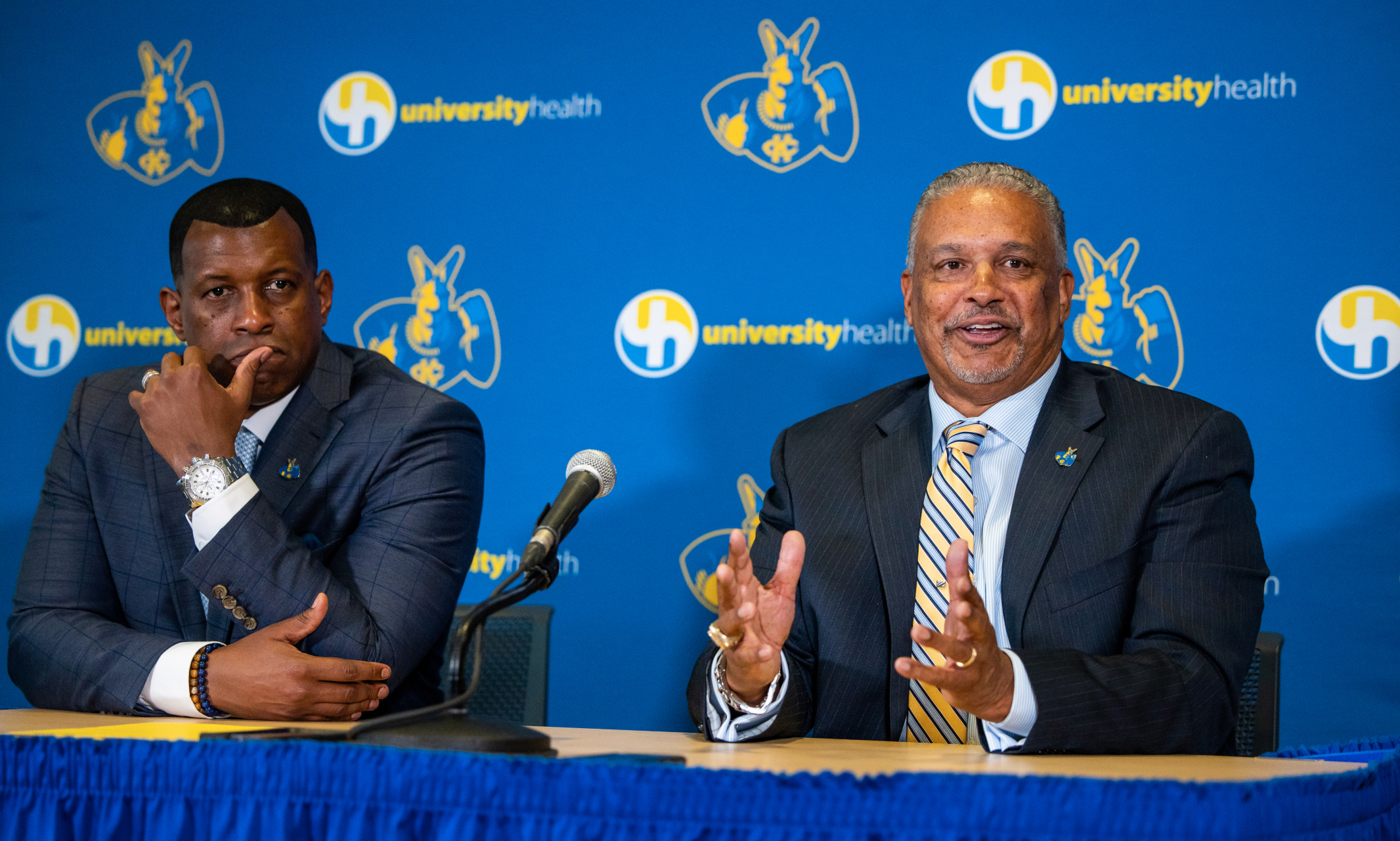
New coach Marvin Menzies will stress “winning the right way”
There was nothing timid about the first public appearance on campus for new men’s basketball head coach Marvin Menzies, an April 30 press conference in the Student Union.
Menzies wasted no time addressing the elephant in the room – the team’s lack of appearances in the NCAA Tournament over three decades of Division I athletics. He embraced the challenge of moving past a token appearance as a bottom-level seed in the “Big Dance.”
“We’re not just going to get there,” he vowed. “We’re gonna shock the world.”
And Menzies promised that the program was committed to more than just game victories.
“We’re going to be all about winning the right way,” he said. “Winning on the court, winning in the classroom, with players who will engage with the whole campus.”
Menzies has made winning promises before – and delivered on them. He has a strong record for building successful programs as a head coach at New Mexico State and the University of Nevada-Las Vegas. He coached New Mexico State to five NCAA tournament appearances. At UNLV, his teams won 20 games and held a 3.0 team GPA in back-to-back years for the first time in program history.
Chancellor Mauli Agrawal lauded Menzies’ dual focus on academic and athletic success.
“We know he’ll be a great fit for UMKC Athletics,” Agrawal said. “We want leaders who can inspire our players to achieve.”
Athletics Director Brandon Martin said Menzies and his wife, Tammy, work together to forge a strong family atmosphere among players and coaches.
“We were looking for a mentor, a guide and a champion for our student athletes,” Martin said. “Marvin and Tammy live by the values of faith, love, integrity, service and respect.”
May 02, 2022
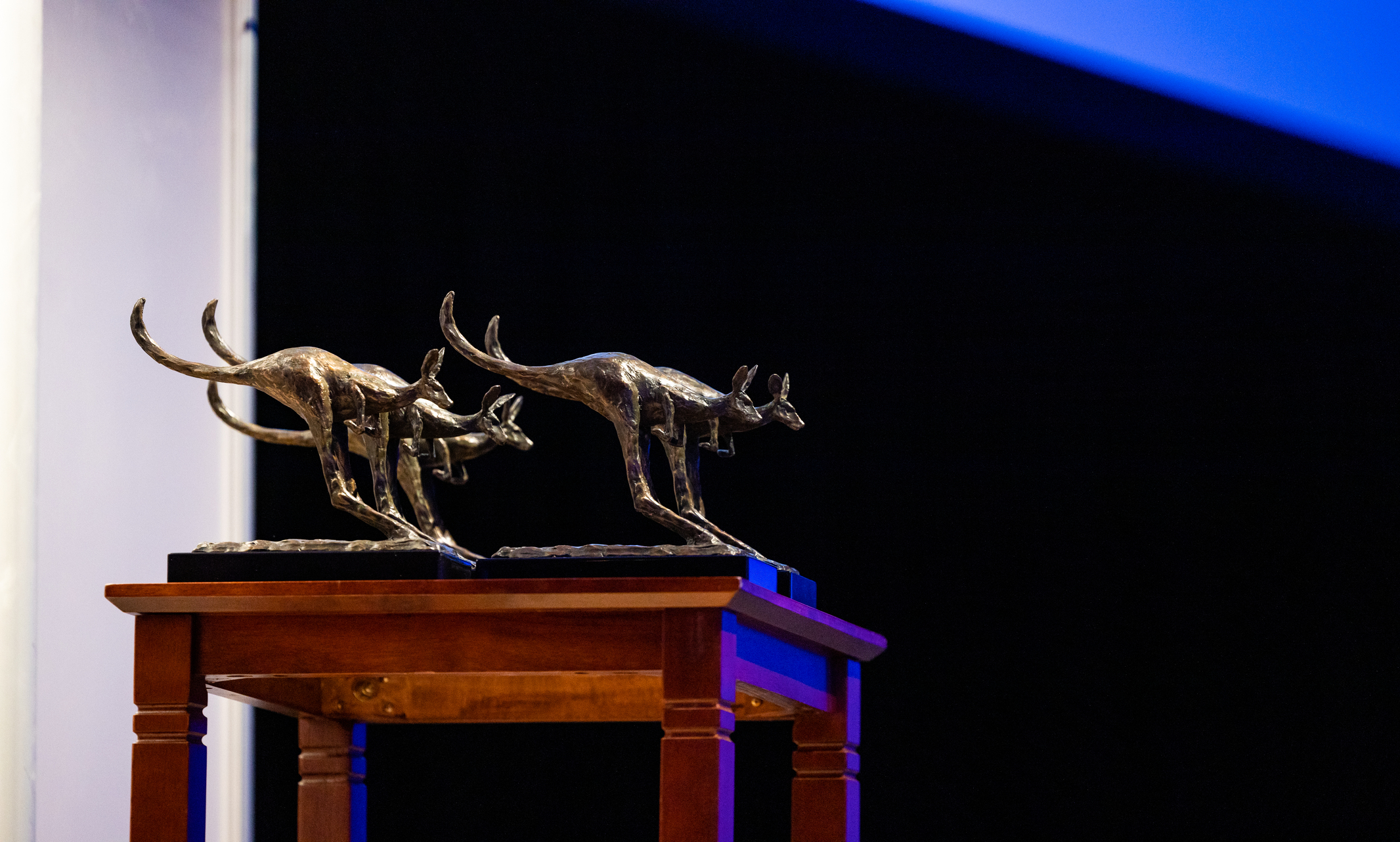
Sixteen alumni and one family were honored at the April event
The University of Missouri-Kansas City Class of 2022 Alumni Achievement Award recipients included the founder of a veterans housing program, a judge, a national CEO and a legacy family whose education and contributions to UMKC have spanned generations.
Sixteen alumni and one family were honored on April 29 at the James C. Olson Performing Arts Center. This year’s event was back in-person after the pandemic kept the last two year’s ceremonies virtual.
The Alumni Awards ceremony is one of the university’s largest events to support student scholarships. In the last decade, the Alumni Awards event has garnered more than $1 million in scholarships and immediate student aid for UMKC.
“When our alumni return to campus, it is always an exciting reunion. Whether the faces we see are familiar or not, we share the connection of walking the same halls, developing similar goals and being united as UMKC Roos,” said Chancellor Mauli Agrawal.
The night’s biggest honor, Alumnus of the Year, went to Bryan Meyer (B.A. ’11, M.P.A. ’15, J.D.’15), co-founder of the Veterans Community Project. Located at 89th and Troost in Kansas City, the Veterans Project is an innovative non-profit that provides housing for homeless veterans in tiny home villages.
“UMKC consistently reminded me there is always more to learn. For example, when I was pursuing my Masters, I took a class in leadership. I served five years in the Marine Corps and led other Marines in two different combat deployments – so I attended class confident there wasn’t anything I could learn on leadership from a classroom. I was wrong,” Meyer said. “I know the knowledge gained from my M.P.A. and law degree have been instrumental in my ability to provide a benefit to my community.”
Complete list of awardees:
Alumnus of the Year: Bryan Meyer (B.A. ’11, M.P.A ’15, J.D. ’15)
Spotlight Award: Riddhiman Das (B.S. ’12, M.S. ’19)
The Bill French Alumni Service Award: Ann Mesle (J.D. ’72)
Defying the Odds Award: Susan B. Wilson, Ph.D. (MBA ’05)
Legacy Award: North/Cheadle Family
College of Arts and Sciences: Melissa Zarda (B.A. ’02, M.A. ’07)
School of Biological and Chemical Sciences: Joseph Lambing (Ph.D. ’90)
Henry W. Bloch School of Management: Mike Perry (B.B.A ’89)
School of Computing and Engineering: Jungwoo Ryoo (B.S. ’96, M.S. ’98)
Conservatory: Xi Wang (M.M. ’03)
School of Dentistry: Brenda Bohaty (Ph.D. ’09)
School of Dentistry–Dental Hygiene: Jo Ann Weatherwax (B.S.D.H ’06, M.S. ’12)
School of Education: Lucero Garibay (M.A. ’16)
School of Law: J. Kent Emison (J.D. ’81)
School of Medicine: Lucky Chopra (B.A. ’91, M.D. ’92)
School of Nursing and Health Studies: Leslie Luke (M.S.N. ’00)
School of Pharmacy: Janelle Sabo (Pharm.D. ’00)
Co-chairs for this year's event were Joseph Spalitoo (B.S. '68, D.D.S. '72), president of the UMKC Alumni Association, and Debbie Thompson (B.S.D.H. '81).
If you were unable to attend the event but would like to donate to student scholarships, contributions can be made online.
May 02, 2022
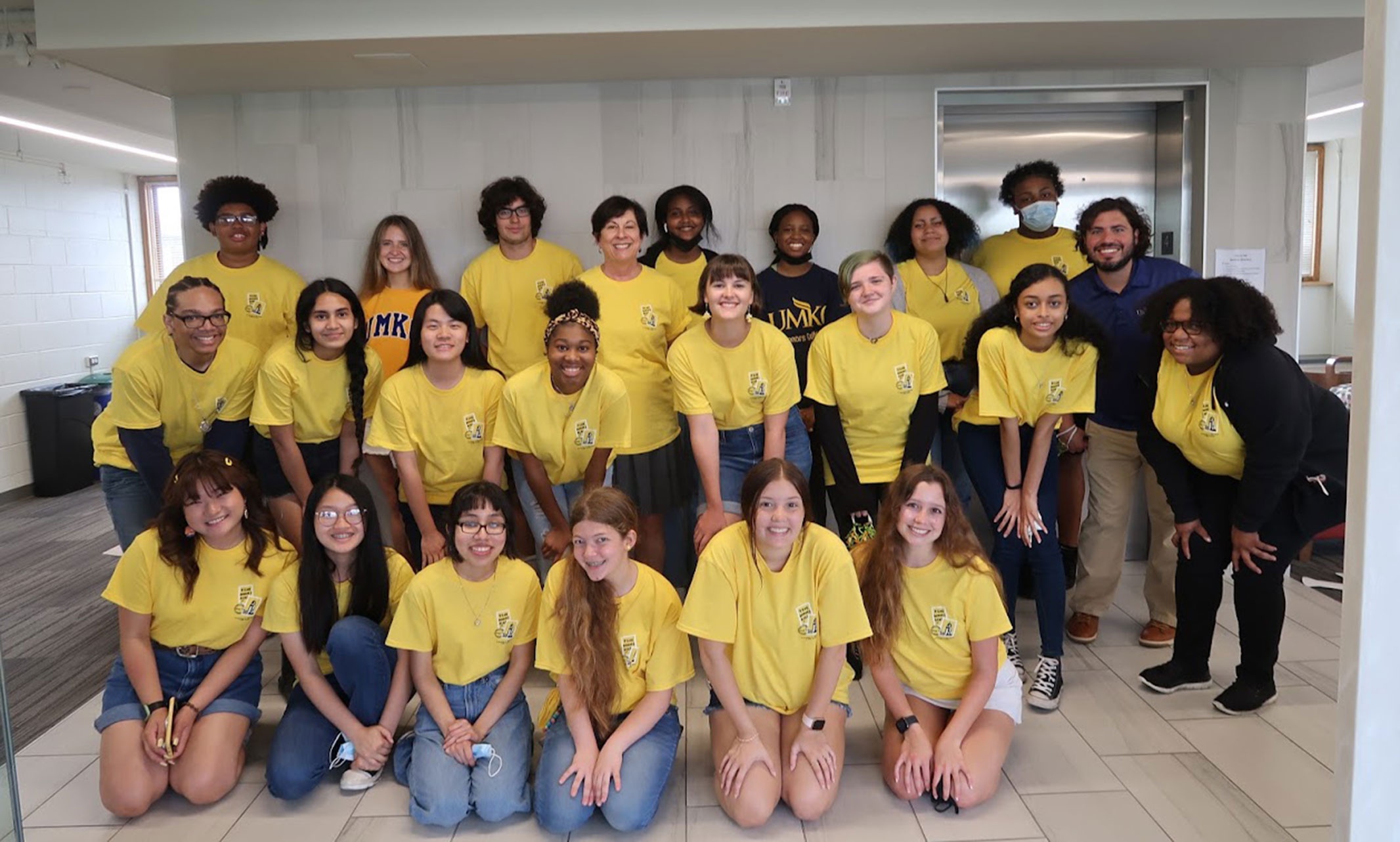
UMKC Honors Program hosts unique enrichment opportunity for high school students
The Roo Honors Academy invites high school students to participate in a fun and intellectually engaging one-week summer enrichment program, June 20-24, 2022, sponsored by the Honors Program of the University of Missouri-Kansas City.
This selective program will offer non-credit classes on criminal justice, urban health, effective personal communication and sports in society. Participants choose one morning course and one afternoon course taught by UMKC faculty members. On June 24, participants and their families are invited to a dinner and student exhibition.
“The Roo Honors Academy gives students the chance to dig into a subject they are interested in but haven’t been able to explore in high school yet,” said Margo Gamache, director of Student Services for the UMKC Honors Program. “It is about curiosity and expanding students’ minds.”
Students who successfully complete each course will receive a Recognition of Achievement certificate from the UMKC Honors Program and a Roo Honors Academy T-shirt. Tuition is $275; children of UMKC employees are eligible for a $20 discount. Need-based scholarships may be available. Participating students also have the option of staying in the UMKC dormitories for the week. The add-on cost for this option is $295.
“Other summer enrichment programs for high achieving high school students in the area focus on STEM, so this allows us to fill that need in the community,” Gamache said. “The Academy also helps students see UMKC in a new way. Students can experience innovative Honors Program classes and meet our passionate, engaged faculty. They will also get to know other bright and committed students from across the country—peers who could be future classmates at UMKC.”
Students can apply to attend the Roo Honors Academy online. The application deadline for Roos Honor Academy 2022 is June 1, 2022, and applications will be reviewed on a rolling basis.
Apr 29, 2022
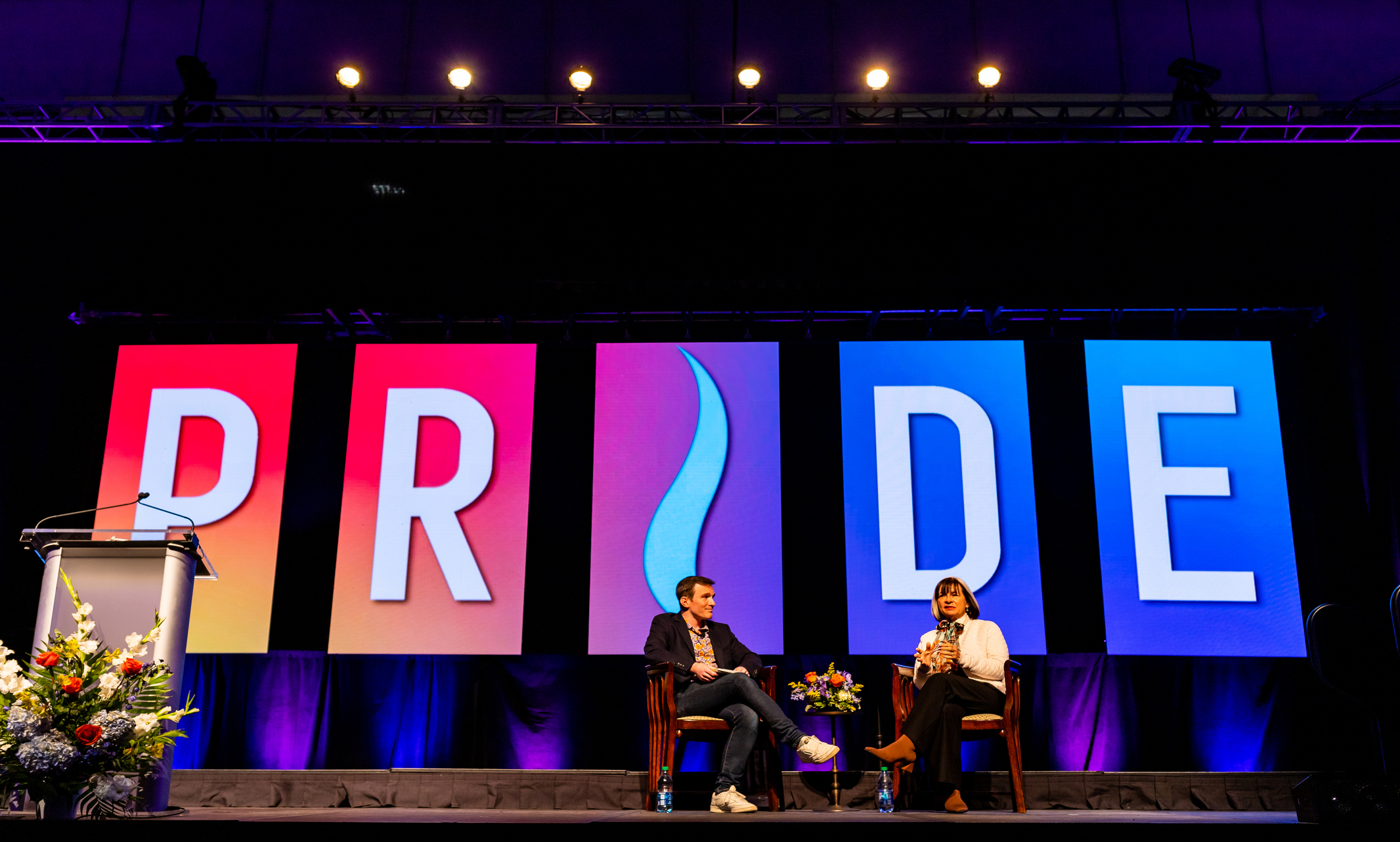
The event raises funds to support LGBTQ students at UMKC
Kindness can literally save lives. That was the vital message delivered to the audience at this year’s UMKC Pride Breakfast by Peggy Rajski, Academy Award-winning director and founder of the LGBTQ youth crisis-intervention organization The Trevor Project.
“Just to have one accepting adult in a queer-questioning child’s life, it can cut suicide risk in half,” Rajski said. “Anyone can be that one supporting adult; you just never know. I’m encouraging everyone to just be kind.”
Rajski won an Academy Award as director of the short film TREVOR, about a young teen whose world is turned upside down when word spreads at school that he might be gay.
“I am a white, straight, cisgender woman and people were surprised that I made this movie about this young gay boy and that it felt authentic. But what I would say is, I know the feeling just like everyone else does when people are shaming you for who you are,” Rajski said. “Imagine if you had everyone telling you that you are worthless, that they don’t want to be around you because you’re toxic, I just had hope that people would think about how those words would make someone feel.”
After the film’s release, she discovered there weren’t any nationwide suicide prevention crisis services available to support gay and questioning youth. In response, she founded The Trevor Project. The project, launched in 1998, receives roughly 200,000 calls annually.
Since 2008, the Pride Breakfast has raised funds to support LGBTQ students at UMKC and serves as a way for the university to show support for, and commitment to, LGBTQ students on campus. This year’s breakfast raised over $110,000, which will go directly to supporting LGTBQ students on campus.
“Over the years this breakfast has raised more than $500,000 in scholarships, emergency aid and support for students,” Chancellor Mauli Agrawal said at the event. “UMKC has a culture of care that we uphold. Faculty, staff and administration believe that each student has a unique value and is worthy of our time, attention and respect. I am honored to be a part of an institution that has that as its core value.”
UMKC partnered with local Kansas City nonprofit SAVE, Inc. to bring Rajski to Kansas City. SAVE, Inc. provides permanent, transitional, and emergency housing services to those with HIV/AIDS, substance abuse, mental health challenges and more.
Apr 27, 2022
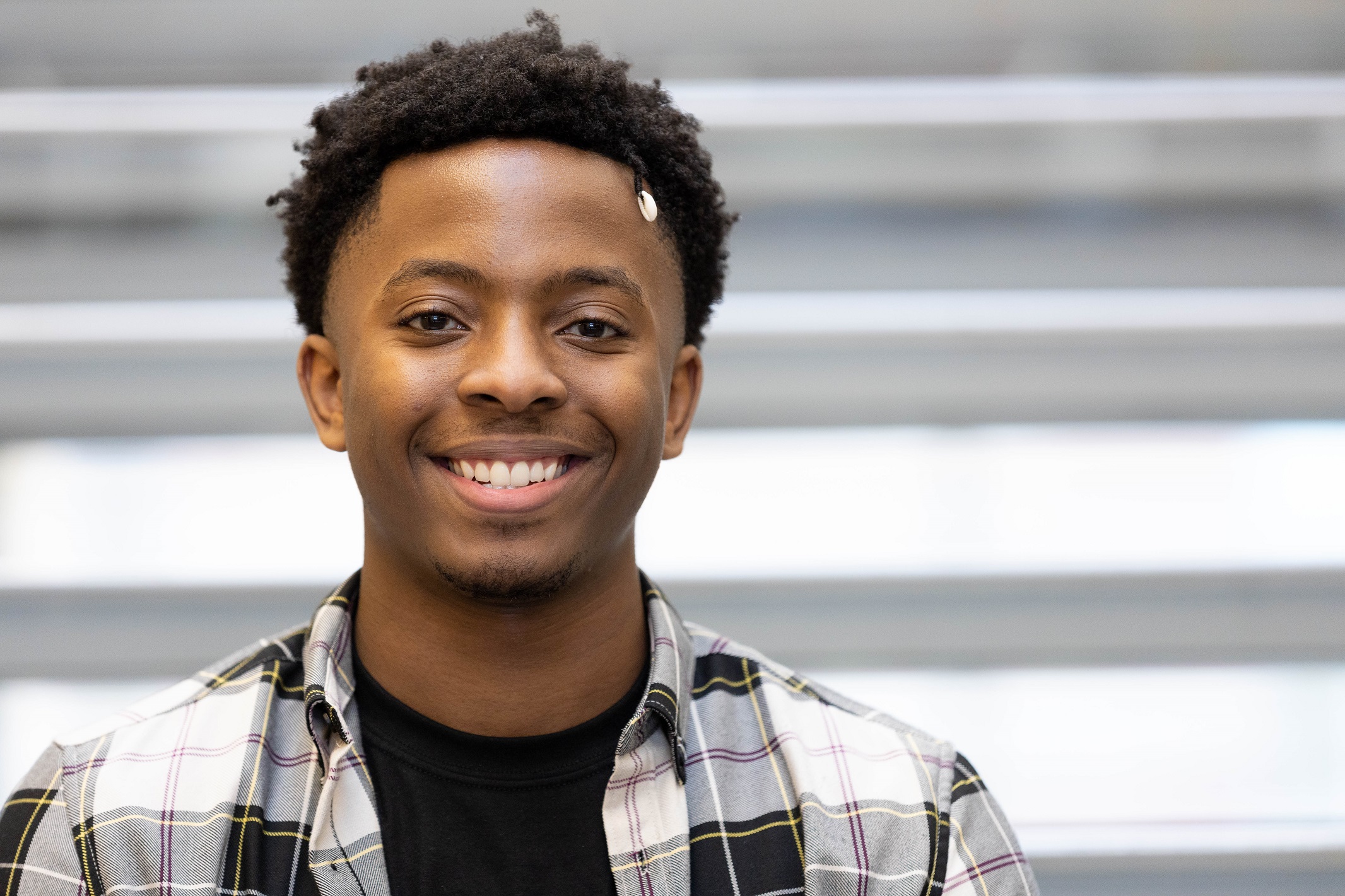
UMKC student leader works to create community change
Roos don’t just dream, they do. Our students turn ideas into action every day. Get to know our people and you’ll know what UMKC is all about.
Chiekezie AnikweAnticipated graduation year: Spring 2023UMKC degree program: B.S. biology, pre-medical emphasisPresident African Students’ Association, secretary Men of ColorHometown: Kansas City, Missouri
Chiekezie Anikwe chose UMKC because it is close to home, which is convenient and helped him keep expenses in check. He also likes taking advantage of being in the heart of Kansas City. His pre-med program is challenging, but he finds time to connect with friends through his involvement - and leadership - in extracurricular activities.
Why did you choose your field of study?
I have been surrounded by family members who were in the healthcare field all my life, so I grew to appreciate and love the different types of service that they provided for the community. I was always interested in the different stories and experiences they shared with me. With this field of study, I hope to be able to help people who are disadvantaged and play my part to make change in my community.
Since entering college, what have you learned about yourself?
One of the main things I learned in college was how to push myself harder. Transitioning from high school to college, I learned that I had to put in more work to be successful. Also, I learned that it is okay to ask for help. That wasn’t always easy for me. I always thought I could do things on my own or figure it out myself. We all need help sometimes.
How has your college program inspired you?
The program is full of a lot of hard-working people from professors to students, who in turn push you to do the best that you can.
What are the benefits of the program?
A main benefit of the program are the resources that they provide to help us do well. The professors are really helpful in making sure we understand what we are being taught. And my Supplemental Instruction (SI) study group helps me look at the content in a different way. Sometimes in class something may not make sense, but when I can talk to a fellow student about it at SI, I understand it.
What are the challenges of the program?
The classes are really tough, but they are interesting. With proper study habits, hard work and time management skills it is definitely possible to do well.
Another challenge with the program is not seeing more people who look like me. There is a huge need for more African American people in healthcare.
Is this why you became involved in the African Students’ Association and the Men of Color?
I love the African Students' Association and Men of Color because of how we are able to create a space where Africans and men of color can be comfortable to be their true selves. The African Student Association is my home. I became a member my freshman year and everyone was so friendly and inclusive. There were a lot of seniors on the board, and I thought, “Maybe I could help.” I became vice president my sophomore year in the midst of Covid-19. I’m president this year and I’ve had so much help from my team in boosting membership.
Who/What do you admire most at UMKC and why?
The thing I admire about UMKC is that it is full of inspirational people who are very determined to be successful in their own respective fields. There are many people at UMKC who are making change, and these are the people I admire the most. Roland Hemmings (assistant director, Multicultural Student Affairs and Men of Color staff advisor) has been a great mentor.
Do you have any scholarships? What do they mean to you?
I received the Chancellor’s Award. It means a lot to me just because it helps take a bit of the burden of tuition off.
What do you hope to take from your experiences at UMKC into your professional career?
I plan to take the work ethic and time management skills that I developed during my time at UMKC to further my professional career.
Apr 22, 2022
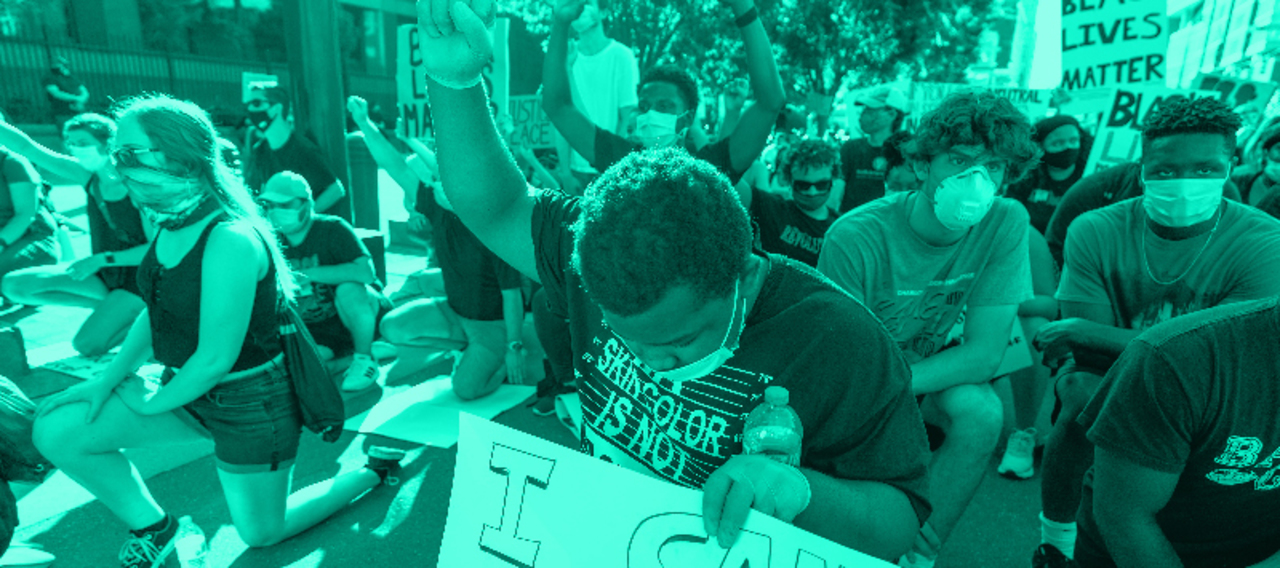
UMKC hosts discussion to explore new perspectives on higher education
The April 6 discussion in the Critical Conversations series of panel discussions addressing systemic racism sponsored by the UMKC Division of Diversity and Inclusion. It was the third of the 2021-22 school year and the eleventh in the series.
The Critical Conversations series is a part of Roos Advocate for Community Change, a campus-wide initiative launched in June 2020, which highlights thoughtful action on campus and in our community to ensure lasting and comprehensive changes. The goal of each Critical Conversation discussion is to enlighten, educate and explore the causes and potential cures for racism. Attendance to the discussions is free.
Panelists for this session included:
Gary O’Bannon, executive in residence, Henry W. Bloch School of Management, moderator
Jenny Aktar, UMKC student moderator
Kimberly Beatty, Ed.D., chancellor, Metropolitan Community College
Mark T. Bedell, Ed.D., superintendent, Kansas City Public School District
Laura Evans, business and education advisor-in-residence, Ewing Marion Kauffman Foundation
Amos Jaimes, UMKC Financial Wellness Center
Excerpts from the conversation are below. To view the complete recording of the conversation, click here.
Determining the value of college educations
Jaimes: I found great value in the learning communities with my peers, and talking deeply about theories and thoughts, and when there were other people and students of color in the room, we could really talk about our own backgrounds and connect. I found all of my best friends and fiancé within student organizations.
Evans: I came from a small, rural farming community and went to one of the largest colleges in the United States. It opened my perspective, and I developed a community where I learned to think and communicate more effectively. The academic challenge created a deeper work ethic in me for learning.
Beatty: I went to Morgan State University, a historically Black college. I wanted to know more about my culture and the sense of community.
Measuring the value and costs of a college education
O’Bannon: College costs continue to skyrocket, which impacts all races, ethnicities and genders. Loan interest rates have a greater impact on underserved students. But there's a report by the College Board that show that an average African American male with a college degree earns roughly twice that of someone who only holds a high school diploma.
Evans: What we know about how college translates to earnings is entirely a historical perspective, and the cost has gone up exponentially. We know that the world of work is changing rapidly. I would just caution us to not just look at data as we're making a decision about the value. I think the other thing I would point out, is what we perceived to be the value of our experience is not financially measurable.
Impact of major selection and experience
Bedell: College itself is a wonderful experience. Programs are developed to help you get ready and ultimately figure out what your passion is. I tell people that you should reflect on why you want to go to college and your desired outcome. It’s about what you decide to make out of it – and it’s not just about the money. It’s about passion. Everything else tends to work itself out down the line.
Evans: Some employers will be attuned to a particular major or set of skills. But most employers are looking for the most durable skills -- problem solving, the ability to communicate, the ability to collaborate. You may have acquired those skills in internships, but it could also be volunteer or extracurricular experiences. There are lots of ways to engage in the world and develop the kinds of durable skills that will help you to transition from what you studied to your initial job.
The value of community college
Beatty: Community college is not a replacement for four year colleges. It is a pathway and an affordable, local and convenient option. In Missouri, any courses that you take at Metropolitan Community College transfer directly to any of the four-year public universities, and often private ones. For people who need to work or have families and need flexibility they are an option.
Bedell: The A+ Scholarship Program (which provides scholarship funds to participating community colleges to eligible graduates) can really benefit students and allow them to knock out some of their core prerequisites.
Support for enrollment
Jaimes: Our office has conversations at events with students where we will sit down and help them fill out their FAFSA, because that is a barrier for a lot of students. This can prolong their ability to receive aid. We saw $3.7 billion in Pell Grants not being awarded to students, because they did not complete the FAFSA.
Impact of COVID-19
Bedell: We’ve been able to document that (COVID-19) has significantly impacted our kids. A lot of the work we did earlier around real-world learning was put on hold during the pandemic.
Jaimes: We saw a lot of our students working many hours to make up for the loss of income. Their households were severely changed; their ability to connect with peers in high school, but also the ability to engage in community college.
New Perspectives
Bedell: Traditionally, we have to be in school for the same hours. What if we created master schedules that allow for kids to operate on a much more flexible schedule that controls for the variables of poverty. What if we said it's going to go from 8 a.m. to 8 p.m.? Kids who need to do internships with a business could do that from 8 to 12 and maybe come into school for four hours and take classes online. These kids have to be trained for the workforce that they're going to go into, which offers a much more flexible working environment than what we currently have set up in pre-K through 12.
Apr 22, 2022
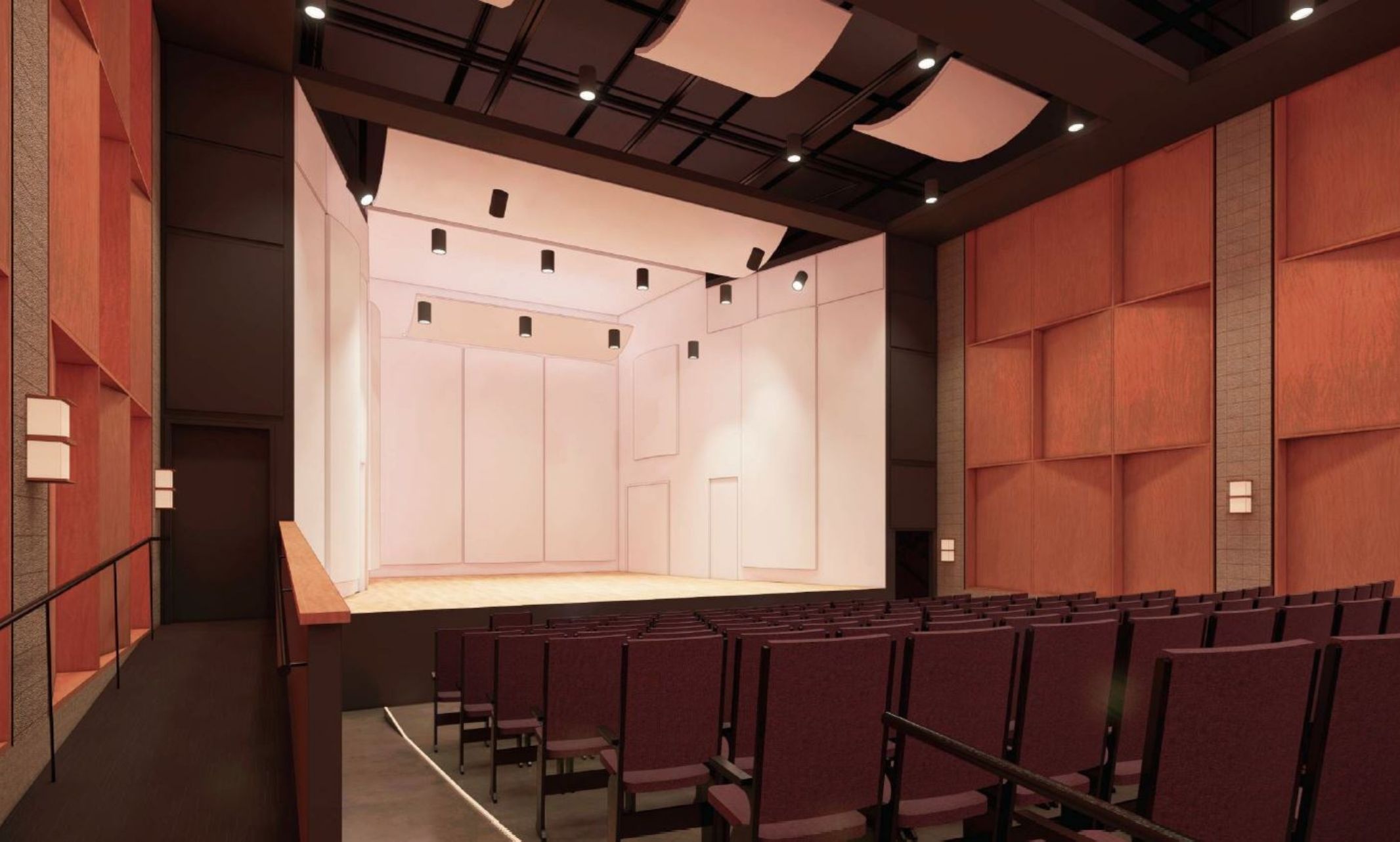
Recital and rehearsal spaces will get improved soundproofing and technology
Renovations on Conservatory facilities will begin next month, the first of a series of renovations and expansions.
Beginning the Monday after commencement, the $4 million renovation project will focus on hearing safety, updated technology, increased usable space and ADA compliance. The construction is expected to be complete before fall semester classes begin in August.
Rendering of Grant Hall recital hall by Helix Architecture + Design
“Sound is an important part of the student and visitor experience here at the Conservatory,” said Andrew Granade, interim dean of the Conservatory. “These renovations will allow our students to better hear and finetune their musicianship, and our visitors will enjoy performances that are equal to the talents of our musicians.”
Rendering of teaching room in James C. Olson Performing Arts Center by Helix Architecture + Design
Visitors will see changes in the Grant Hall recital hall, including new acoustic treatments, new sound equipment and updates to improve ADA compliance.
Rendering of hallway to individual practice rooms in James C. Olson Performing Arts Center by Helix Architecture + Design
Student practice rooms and rehearsal spaces in the James C. Olson Performing Arts Center will be updated with new technology and acoustic treatments, in addition to soundproofing, new flooring and an increase in usable space. Practice and rehearsal space renovations will improve hearing health and accessibility.
Rendering of individual practice rooms in James C. Olson Performing Arts Center by Helix Architecture + Design
Renovations and expansions in the Conservatory will take place over the next several years in both Grant Hall and Olson Performing Arts Center. Funding for this first stage of renovations includes $3.5 million in state funding and $500,000 in gifts.
Apr 21, 2022
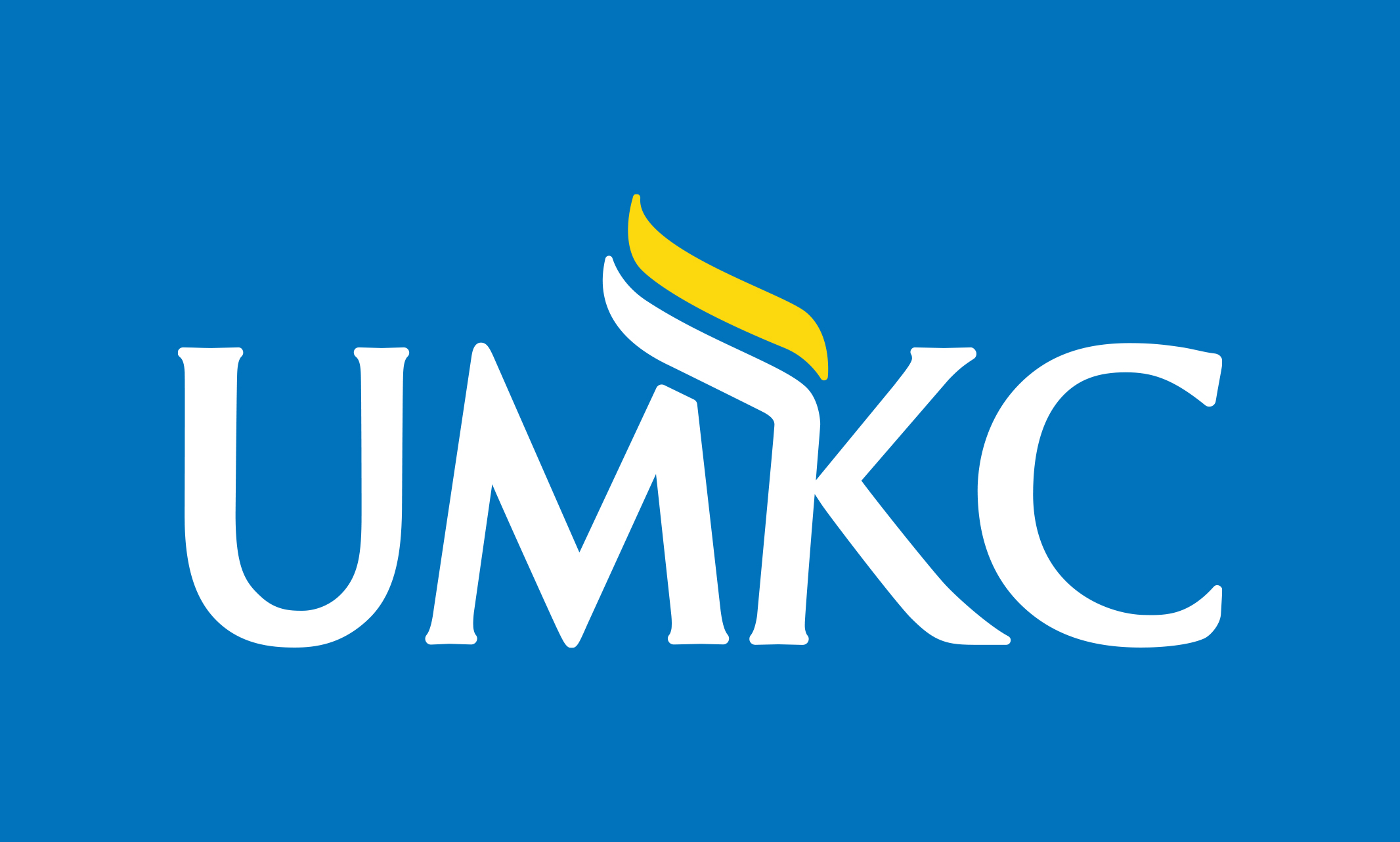
The logo update maintains its visual roots while strengthening its visual presence for current needs
The University of Missouri-Kansas City has unveiled an evolution of its logo, which will soon be seen rolling out across campus. This refresh will strengthen the university’s visual presence for today’s needs while retaining legacy elements of its signature brand.What’s new is that UMKC condensed and strengthened the typeface for better readability on digital devices and on social media. In addition, the UMKC logo will now carry more visual weight when partnered with other logos.And yet, this brand stays true to its visual roots. The symbolic “flame” in the flourish of the letter K draws your eye to the torch image that symbolizes both the lamp of knowledge and the ceremonial mace carried by faculty into commencement ceremonies. To create this refreshed logo, designers in Strategic Marketing and Communications worked in consultation with Bernstein-Rein, the creative agency that developed the current UMKC logo.
Anatomy of a refresh
The evolved logo was created by solving for a list of design challenges independently and then combining the best solutions into a final design. The goal was to give the logo a modern update while maintaining the integrity of the mark and ensuring continuity in brand recognition. The adjustments improve readability at smaller sizes, allow for better alignment and increase visual weight so that it pairs better with other logos.
Updates coming soon
The project that spurred the logo refresh will soon be visible all across the UMKC campuses in the form of repainted wayfinding signs. Many of the campus signs have faded over the years and reflect several generations of color and brand style, some of which are nearly forty years old. In addition to the signage refresh rolling out in May, updates are also coming to the university websites and social media icons very soon.
The new logo will be phased in over time and will be automatically incorporated into new projects. Digital updates will made as soon as possible. Updated guidelines and logo files are available on the Strategic Marketing and Communications website. Faculty and staff can update their email signature to include the updated logo.
Apr 20, 2022
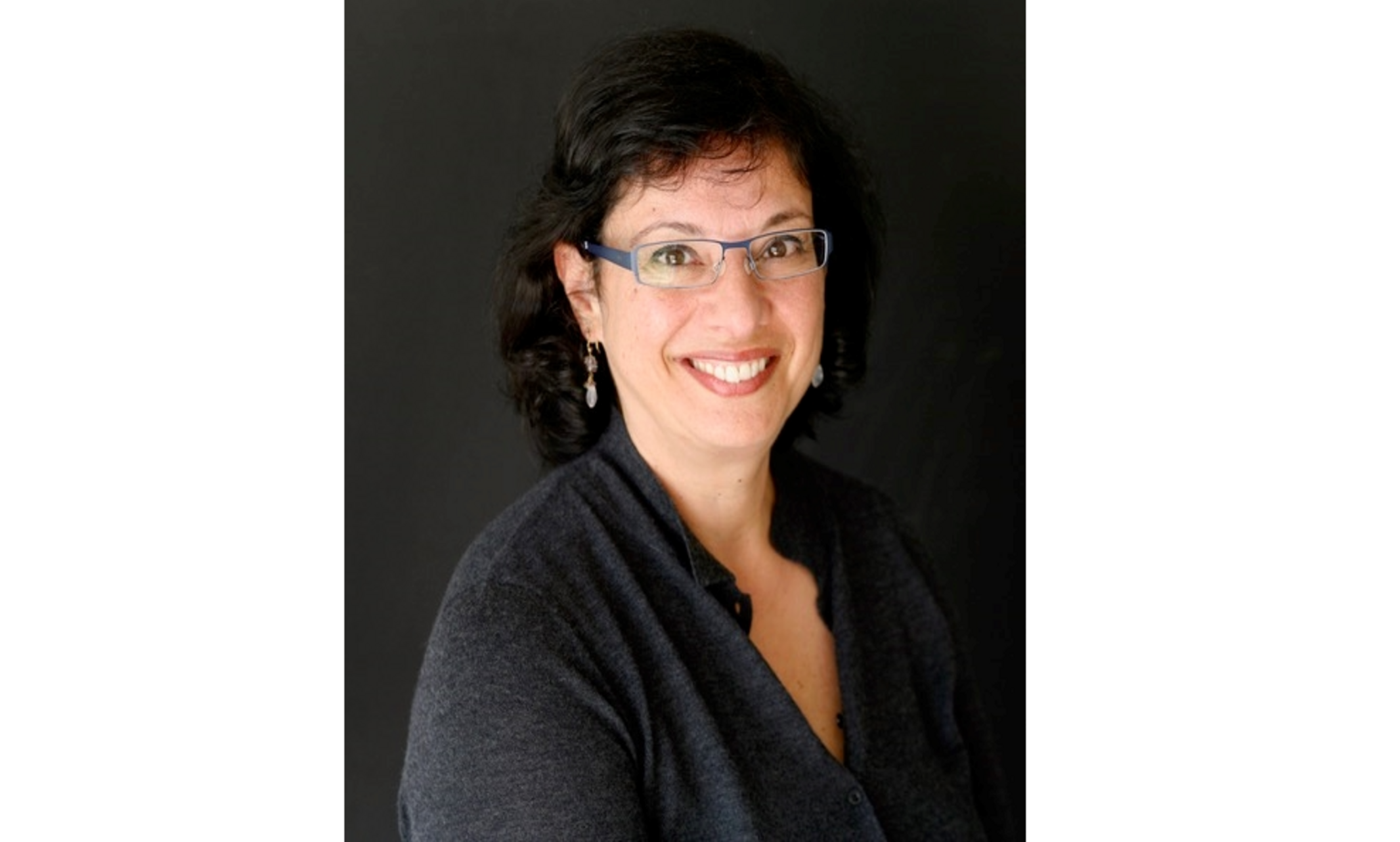
The annual lecture honors the legacy of civil rights leader
Sonia Nazario headlined the UMKC Division of Diversity and Inclusion’s 14th annual César Chávez lecture this week.
The lecture honors César Chávez, organizer of the Chicano Movement in the United States and founder of the United Farm Workers. It is meant to raise awareness of the continual struggle for civil rights, including humane working conditions, dignity, equality and access to opportunity for all.
Nazario is a two-time Pulitzer Prize-winning journalist whose stories have tackled difficult issues such as hunger, drug addiction and immigration. She spent decades reporting and writing about social issues for newspapers, including the New York Times, Los Angeles Times and Wall Street Journal.
Below are some highlights from the lecture, which was held virtually this year.
On winning her first Pulitzer:
I wrote about this army of children migrating north alone through the true story of one boy, Enrique, whose mother left him in Honduras at just 5 years old. Then, 11 years later he decides to set off to go and find her. I met Enrique in northern Mexico when he was mid-journey. He was on his eighth attempt to enter the United States. He had been deported seven times.
I then made the same journey he had made. I traveled for three months, 700 miles, half of that time on top of seven freight trains. What I witnessed changed me. Children who had lost arms or legs from trying to jump on trains were trying to reach the United States to find opportunities that I honestly took for granted.
On advocacy:
In 2008, I left daily journalism to write books. At that time, I decided to wade into advocacy gingerly. More and more, non-engagement to me felt wrong. Keeping silent about some of these issues felt amoral. But my readers pushed me to do more.
When I talked about immigration, they didn’t understand me saying, “Here is the problem, you should get involved to fix it.” Their issue was, why did a journalist like me, who knew an issue so well after decades of covering it, feel entitled to put the issue to their readers and expect them to figure out a solution.
I joined the board of a nonprofit started by Microsoft and Angelina Jolie called Kids in Need of Defense. I fought alongside my colleagues there to help recruit wonderful pro-bono lawyers to represent immigrant children in court for free.
I’ve had dozens of students hear me speak over the years and decide in that moment, I am going to become a lawyer and then return to another talk years later, “I am now representing those immigrant children you told me about.”
Apr 20, 2022
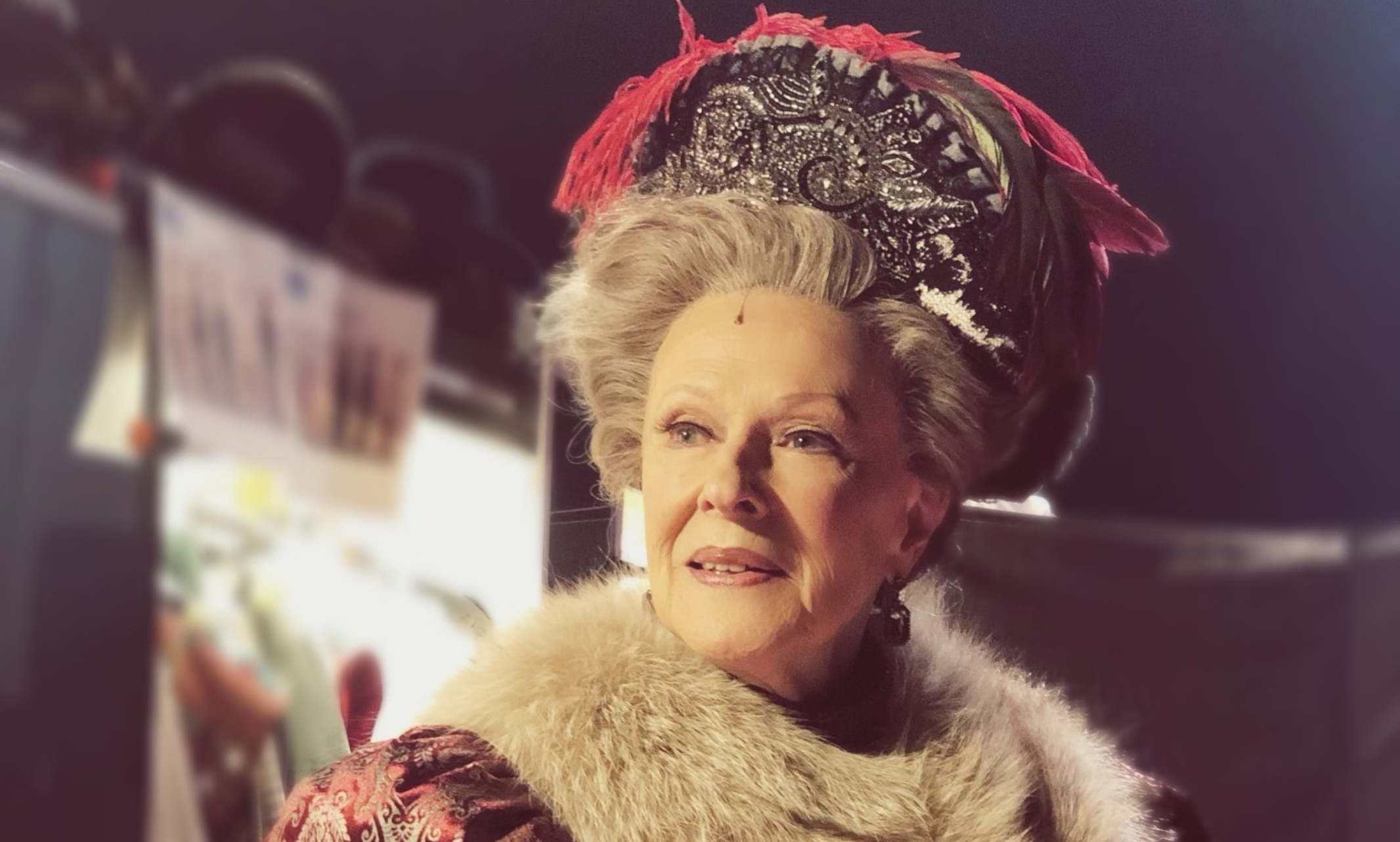
UMKC alumna Joy Franz (B.M. '64) has graced stages worldwide
Joy Franz’s (B.M. ’64) acting career has taken her all over the world. She’s performed on and off Broadway and in regional theater. She’s appeared in television and film and has even met two presidents — Harry Truman after being named Miss Independence and Jimmy Carter while performing in Hello, Dolly.
And yet, the UMKC alumna understands the importance of feeling at home. She carries out a couple traditions to ensure that’s the case.
When Franz, who has toured with productions such as Anastasia, Damn Yankees and The Sound of Music, goes on the road, she’ll bring along a double-burner, skillet and pot — insistent on making her own breakfast. She’ll purchase her favorite herbs and fruits, and she’ll even pick up some white biancas — her favorite flower— to fill her hotel room.
“It’s very important,” Franz says. “I make it like my home.”
Her actual home? That’s another story.
Nowadays, Franz lives in New York City, but her roots are grounded in the Greater Kansas City area, where she was known by a different name: Maybelle. Franz grew up in Overland Park, Kansas, before attending UMKC.
Some half-a-century later, Franz recalls the impact the university made on her career. She remembers the late professor Stanley Deacon helping her develop her voice and posture. She reminisces on conversations with Patricia McIlrath, a longtime chair of the UMKC Department of Theatre and founder of the Kansas City Repertory Theatre.
As far as Franz’s career has taken her, her roots in Kansas City have remained. It’s all part of the story of one of the most heralded theater performers to come through UMKC.
Finding Her Voice
As Franz recalls, she discovered her gift for singing in the fifth grade. She had performed in grade school but had no idea it would be her calling — at least until she was watching a television program hosted by Billy Graham and was captivated by a woman singing.
“I just had an epiphany,” Franz says. “I said, ‘Oh, that’s what I’m supposed to do in life.’”
Franz immersed herself in the arts, studying at the UMKC Conservatory and renting a room in a house just down the road. She spent large amounts of time at The Nelson-Atkins Museum of Art and swears there was a patch of four-leaf clovers she’d seek out if she were to return today.
“The museum is so wonderful,” Franz says. “Right there by the university.”
Then came the journey that helped her career take off. After attending UMKC (then the University of Kansas City) from 1960-64 — and spending a few summers performing at the Starlight Theatre at the same time — Franz drove to New York to dive into life as a performer.
Franz had only $500 — more money in 1964 than today, she reminds, but certainly not a fortune. After about a year and a half, she made it to Broadway. Her first show was Sweet Charity, which happened to be the first Broadway show she had ever seen.
In Sweet Charity, Franz worked with multi-time Tony winners Gwen Verdon and Hellen Gallagher. She was the understudy to Golden Globe-winner Ruth Buzzi, and yet she left the show she was “very fortunate and so grateful” to land after just three months.
“Most people don’t leave Broadway roles,” Franz says. “I just had to do bigger roles than being in the ensemble.”
Photo provided by Joy Franz
Taking the Stage
Among her many performing credits, Franz originated the role of — meaning she was the first to play — the evil stepmother in Into the Woods. She felt especially connected to characters she played in Driving Ms. Daisy (Daisy), Mrs. Warren’s Profession (Mrs. Warren), Man of La Mancha (Aldonza), Damn Yankees (Meg Boyd) and Steel Magnolias (Clairee).
For Franz, a major part of acting has been finding ways to relate to her characters. She enjoys playing humorous roles, and she enjoys the dramatic and aristocratic characters, too. Her most recent major theater role was as the Dowager Empress in Anastasia — the grandmother of the titular character who spends much of the production searching for her grandchild.
“You always find some aspect of yourself you bring to the role,” Franz says. “I just relate to almost all of the roles I’ve played.”
The exception? “Cutting off a toe or a heel,” Franz says with a laugh. (Her character, Cinderella’s Stepmother, does that in Into the Woods.) But the Dowager Empress was a particularly memorable character for Franz given the perseverance she showed in the story.
Franz shares a similar message.
“Never give up on your dreams,” Franz says. “Rejections, good Lord, I certainly have had some. Persevere. Perseverance. If it’s what you love more than anything — with your passion — and you believe in yourself, you will succeed.”
What Comes Next
So what is Franz up to now? Looking for her next role.
The COVID-19 pandemic cut the Anastasia tour short — “It was heartbreaking,” Franz says — but the reopening of Broadway has led to new opportunities. Last fall, Franz spent a few days filming a small part for an upcoming Judd Apatow film. Recording auditions is still very much part of her life, and she’s also made time to catch up on Broadway performances she couldn’t see in the past while she was on the road.
“Broadway is open again, thank God,” Franz says. “It’s thrilling.Getting on the subway and coming up and seeing all the lights on,… I’m very excited and happy for everyone.”
Apr 18, 2022
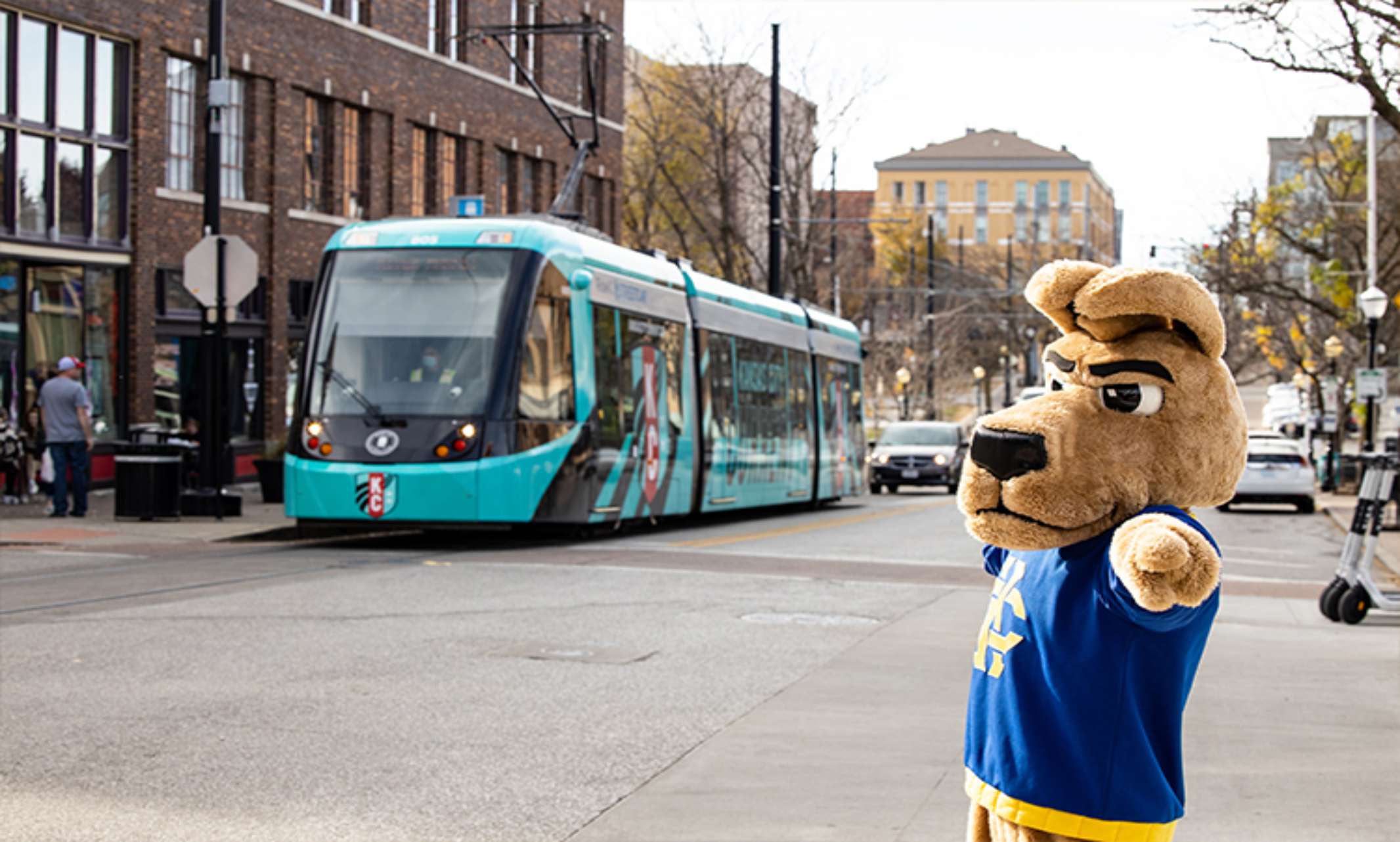
The city’s massive infrastructure project now underway will have a direct impact on UMKC
The city’s other massive infrastructure project now underway will have a far more direct impact on UMKC than the airport terminal. That project is the extension of the Kansas City Streetcar line to the Volker Campus, for which an official groundbreaking ceremomy was held on April 6.
The streetcar’s 3.5-mile southern extension along Main Street is a $351.7 million project with nine stations, transit signal priority and improvements to intersections and sidewalks. It will bring the line to the university’s doorstep at the intersection of 51st Street and Brookside Boulevard, providing fast, free transportation for the campus and community from UMKC to Berkley Riverfront Park. It will also provide easy access to Union Station, the Crossroads District, Downtown and the River Market.
The streetcar station’s proximity to the site once occupied by Oak Place Apartments has drawn heightened interest in a public-private partnership to develop the site. The university is currently assessing its needs and determining a timeline for future development at the streetcar terminus.
Additionally, a UMKC professor and several students had the opportunity to contribute ideas for the streetcar stop at the Volker Campus. Bill Yord, an adjunct instructor for the School of Computing and Engineering, also serves as senior project manager with the Kansas City Area Transportation Authority (KCATA) and utility manager with the KC Streetcar South Extension. He is also a UMKC alumnus (B.S.C.E. '01, M.S. '09).
Yord reached out to streetcar stakeholders about UMKC senior students assisting with designs for the streetcar's south terminus at UMKC. Students were asked to come up with design concepts for the UMKC streetcar stop project.
The extension is expected to open by 2025.
Apr 18, 2022
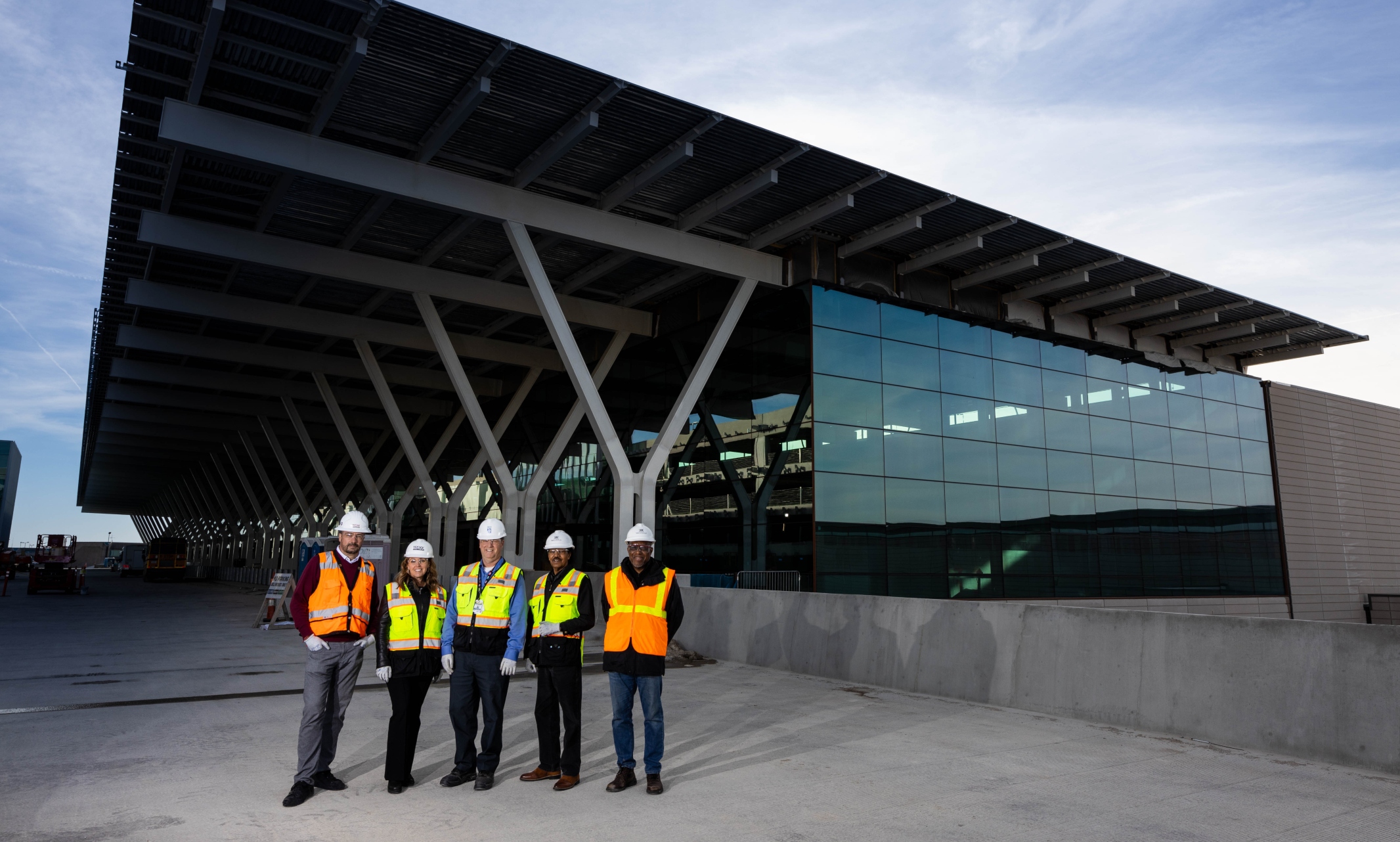
Meet several of the Roos making Kansas City’s new airport a reality
Since UMKC opened its doors in 1933, Roos have been integral players in many of Kansas City’s most significant projects. So, it’s no surprise that UMKC alumni have played major roles in the design and construction of the new single terminal for Kansas City International Airport.
The $1.5 billion, one-million-square-foot structure will have 39 gates spread across two concourses. A grand opening is scheduled for March 2023.Here’s a look at some of the Roos who are playing prominent roles in the project.
Hagos Andebrhan and Leonard Graham
Taliaferro & Browne engineering and architecture firm
Taliaferro & Browne Inc. is the lead landside civil engineer for the new single terminal project, with a team of eight subconsultant companies that work under their direction and management. The engineering firm has been integral to Kansas City’s growth for more than 60 years.
Hagos Andebrhan (B.S.C.E. ’78), CEO, and his partner Leonard Graham (B.A. ’74), president, have led the company as the civil engineer of record on projects including the redevelopment of Union Station and the IRS Regional Service Center, as well as renovations of Arrowhead and Kauffman stadiums, the KauffmanPerforming Arts Center and Berkley Riverfront Park. Despite the significance of these past projects, the alumni view their role in the single terminal airport as one of their most significant.
“The new $1.5 billion KCI single terminal is a project like no other,” says Andebrhan, who received the Defying the Odds Award at the 2020 UMKC Alumni Awards, as well as the School of Computing and Engineering Alumni Achievement Award in 2012. “It is a once in a lifetime project for the city and everyone involved in its construction.”
Taliaferro & Browne Inc. was in competition with national and international firms for their role in the project.
“When Clark Weitz Clarkson, the design builder, assembled its team, they wanted a landside design team that could deliver this highly visible project on time and on budget,” Andebrhan says. “We have been part of the airport’s growth for years and were proud to be selected based on our experience.”
The firm’s specific responsibilities include project management and coordination, design of permanent roadways, including roundabouts and bridges, street and parking lot lighting, surface parking lots, utility relocation, storm and sanitary sewers, mass grading and associated project phasing. In addition, they are responsible for the design of temporary roadway connections and temporary traffic modifications required to construct the new terminal while keeping terminals B and C open and in operation — with more than 20,000 vehicles arriving and departing daily.
“It is the largest single infrastructure project in the city’s history, and the largest construction project in which our firm has lead-design responsibility,” says Graham, who received the SCE Alumni Achievement Award at the 1993 UMKC Alumni Awards. “We understood the complexities and challenges of the project, but we were excited to roll up our sleeves and get to work. The KCI new single terminal project is probably one our proudest efforts yet. We were honored to be a contributor to this significant effort."
Kimberly and Trent Robinett
TREKK Design Group
Kimberly Robinett (B.S.E.E. ‘95), CEO and managing partner of TREKK, has led the organization with an entrepreneurial spirit since she founded it with her husband and TREKK partner Trent (B.S.C.E. ’95) in 2002. Her ability to focus on delivering quality work on schedule has led to TREKK’s participation in developing the infrastructure for the new Kansas City International Airport. Kimberly is committed to the success of the project as a Kansas Citian as much as a businesswoman.
Kimberly and Trent, who shared the SCE Alumni Achievement Award in 2014, founded the company in their basement and built the organization’s culture on improving lives, rather than just the bottom line. Today TREKK has eight offices and 160 employees. Even after their participation in building T-Mobile Center, the Power and Light District, the Christopher S. “Kit” Bond Bridge, the Buck O’Neil Bridge and each phase of the Kansas City Streetcar, being involved in the KCI terminal project is significant to the Robinetts and TREKK.
“The terminal project is one of those signature projects that impacts the entire city,” Kimberly says. “It is the first thing about our city that visitors experience. But beyond that, we are hopeful that the new terminal will improve the lives of Kansas City residents by making it more attractive for airlines to add additional connections out of Kansas City.”
She sees additional air traffic in and out of Kansas City as a critical component to the city’s growth.
“Better access to this great city will encourage the recruitment of talent that will grow our local economy and have a positive impact on our neighbors, friends and families,” she says.
TREKK has held several significant roles from the beginning of the new KCI terminal. Early in the project, their team surveyed the site and located all the existing utilities.
“Our crews were challenged with untangling what looked like a bowl of spaghetti,” she says.
From there, they worked with subcontractors to design the systems that are critical to the infrastructure, including the drainage system, ground service equipment layouts and survey verification during terminal construction. These systems have a great impact on travelers, but unlike food vendors or retail, travelers are usually unaware of their existence.
Recognition for these projects has never been Kimberly’s motivation. Impacting the community has been a priority for Robinett since she and her husband started the company. But she did not envision their integral role in building the city’s corporate infrastructure.
“We never imagined that we would grow to be 160 employees in seven regions throughout the Midwest and have a large role in such significant projects that make such a positive impact,” Robinett says. “We are so grateful for the opportunities that we have had to work with leaders across Kansas City in building its future and making a meaningful contribution toward improving lives.”
While the Robinetts’ and TREKK’s success seems obvious, their most important critics and supporters are close to home. Their three daughters are proud of their parents’ contribution to the new KCI terminal.
“We traveled over the holidays, and they were very interested in the progress of the new terminal and the work we performed to contribute to that progress,” Kimberly says. “It was fun to show them the work that TREKK has been doing to help Kansas City grow.”
Joe McBride
Kansas City Aviation Department
Even before the construction started, there was work to be done. Joe McBride (B.A. ’86), College of Arts and Sciences graduate, was tasked with facing the early obstacles in getting Kansas City’s new airport terminal off the ground.
As senior manager of communications for the Kansas City Aviation Department, McBride’s job had always been to put the best possible face on the airport. Then the script was flipped.
“It was an uphill battle,” McBride recalls. “We needed to communicate the shortcomings of a facility we were used to touting as convenient.”
That was in the earliest stages of trying to assemble a community consensus about the need for a modernized terminal. Then, once a formal plan was developed for approval by the city council — to take to a public vote — the project’s champion had to silence himself. City employees are not allowed to advocate for or against specific proposals.
“When it came time for a vote, we had to stand down,” McBride says.
While more than 70 percent of voters ultimately approved the plan, McBride recalled how difficult it was in the early stages to convince people that change was necessary. The existing configuration was designed in a time of smaller planes and far less concern about airport security.
“It was outdated,” McBride recalls. After the 9/11 attacks generated the modern approach to aircraft and airport security, “We had to shoehorn security in there after the fact.”
Kansas City passengers loved the convenience of drop-offs and pickups within a few feet of the gates, but the need to make space for security screenings made the design unwieldy and impractical.
Still, the previous design had no shortage of diehard fans, and McBride’s job was to bring them around — even as he understood their passion.
“I was happy that people had a sense of ownership of it,” McBride says. “That’s good.”
The project moved to design and construction after the vote. At that point, McBride’s role morphed into the in-house consumer advocate. He monitored public comments at events, news conferences and social media. He shared what customers were saying in meetings with architects, engineers, designers and construction managers.
“We’re going to have a historical display in the connector between the concourses about the history of aviation in Kansas City and the history of the airport,” he says. “For that, I’ve been working as an editor, taking a close look at it, really diving in and taking ownership.”
And yes, his UMKC education was a factor in this success.
“At UMKC, I had a couple of great mentors and teachers, Dr. Doug Moore and Col. Robin League, both in communication studies,” McBride says. “They were sticklers for the English language. They helped me and made me a good written communicator. I continue to hear them in my head when I’m writing.”
Now he’s playing a key role in planning the terminal’s grand opening, set for early March 2023.
“I’ve talked with colleagues at other airports with new facilities about their openings, lessons learned, pandemic considerations,” McBride says. “Opening day will be a very early day after a very late night. I think after all the labor and toil it will be, ‘Wow, it’s finally here.’ And watching people come into the terminal, checking in with the wow and the awe in their eyes, that’s going tobe a fun, long, proud day.”
Apr 18, 2022
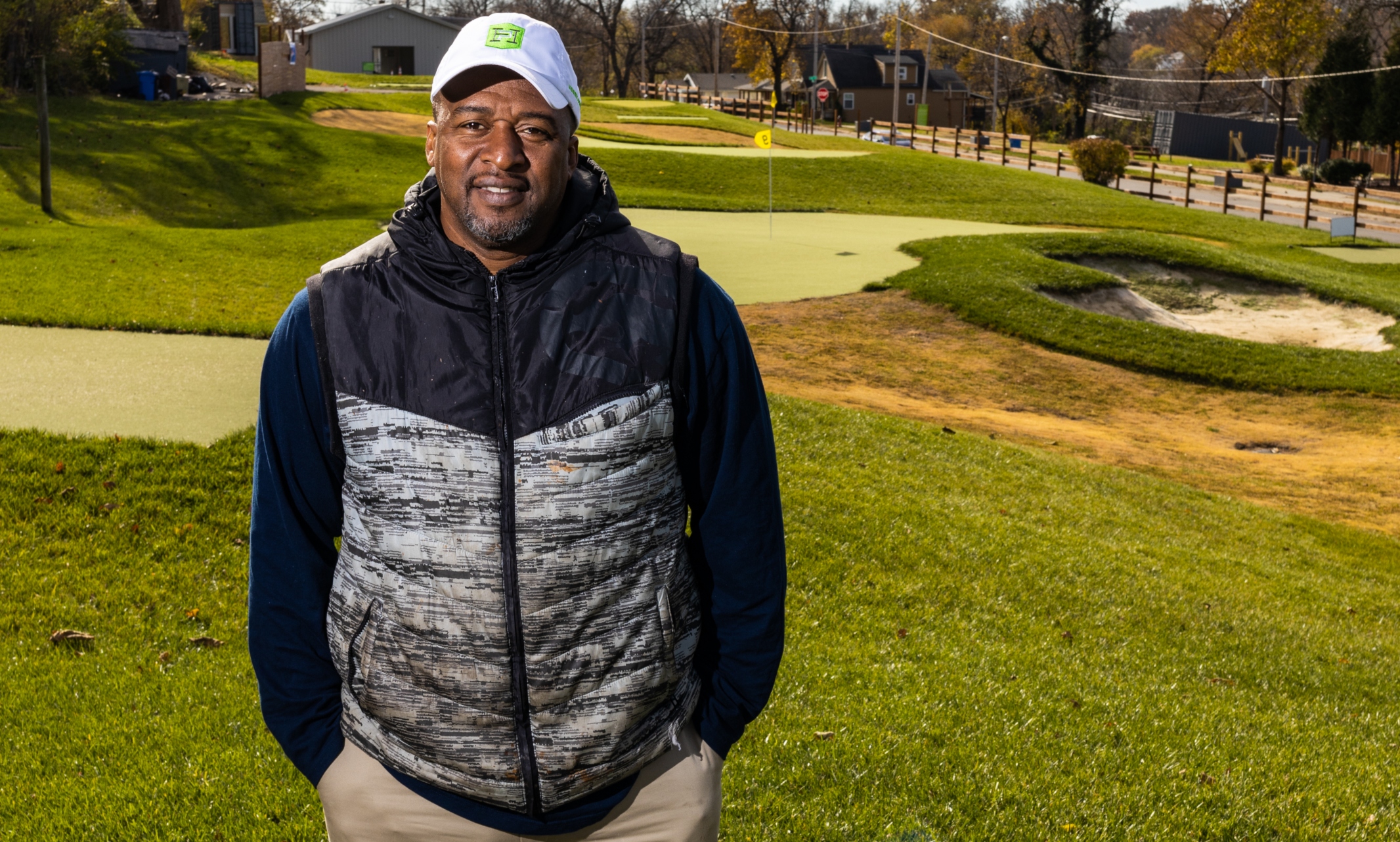
Chris Harris (B.L.A. '14), 2018 UMKC Alumni Award winner and founder of Harris Park, shares insights on transforming his community while helping KC...
Chris Harris’ (B.L.A. ’14) lifelong dream was to build a park where he could teach people self-esteem and basic life skills through sports and community. Today, that dream is a reality.
Where it began
Having grown up in the Ivanhoe neighborhood, Harris knew that people looked down on the area. The Ivanhoe of the 1980s and 90s was dotted with blighted houses, unkempt lawns and ragged, struggling plant life. The neighborhood had drawn associations with a history of crime and drug violence.
Harris was determined to change the mindset of outsiders — and the mindset of the people who lived there. No one was working for change, so he realized it would have to start from within.
In 1994, Harris enrolled at Penn Valley Community College. For a writing assignment, he focused on his dream: to clean up his community and teach the basics of life through sports. Putting the dream on paper made it seem real. Another event during his two years at Penn Valley convinced him it was possible.
In 1996, Harris led the unheralded Penn Valley basketball team to the NJCAA Division II National Championship. That gave him the confidence to believe he could achieve his dream. And he’s certainly come a long way since, receiving the College of Arts and Sciences Alumni Achievement Award at the 2018 UMKC Alumni Awards.
Making the dream real
For Harris, the hard work quite literally began at home. He started by tearing down his childhood home on Wayne Avenue and began the process of transforming the property into a community park and events center. He wanted to have an accessible park that made resources available to urban youth who lacked access to certain sports like golf, because they couldn’t afford a membership or lessons to learn.
Next, Harris bought the plots of land that covered both sides of Wayne Avenue between East 40th and East 41st Street. In the beginning, he was out there alone, doing the hard labor and getting his hands dirty on the grounds. Slowly, through networking, fundraising and building relationships and partnerships, he was able to raise $2.5 million to develop the park.
“All of it just fell right into place like a book,” Harris says. “That’s just how it happened, and it just kept growing.”
Family, friends and community volunteers helped along the way, but much of what is now Harris Park has been a one-man venture.
Today, Harris Park includes a compact 12-hole pitch-and-putt golf course and basketball court — all free for anyone to use. Harris Park has taken years to develop, with more changes still to come. Some plans have been put on hold since the pandemic hit, as the park has remained in the construction zone. But the plan is to open and operate fully in the spring.
In the meantime, Harris is constructing a stage in one of the buildings to offer a space for people to rent and hold events. There are also plans for a clubhouse with restrooms and a golf pro shop with merchandise, gear and snacks available.
“My heart and soul is in the beautification,” Harris says. “When I first started this, saying I was going to use sports as a catalyst to clean up our neighborhood and educate our neighborhood, I didn’t know that the place itself was going to be educational.”
The motivation behind it all
Sports have taught Harris how to navigate life’s challenges. He learned the most from the game of basketball. Harris knew if he did the little things to put teammates in their comfort zone, they were all going to play better. Once he realized this formula and applied it to his life, winning games led to winning championships — and doors began to open.
For Harris, it’s still all about putting people in their comfort zone so they can be the best version of themselves. He notes when people feel comfortable, they perform better and more effectively. Likewise, by creating opportunities and resources for people to come play a round of golf, shoot some hoops or simply hang out at the park, it creates a space to put people at ease and find refuge in a place that once offered very little.
“Can you imagine how many people have that ability, to do something, but don’t have the inspiration and desire to do it?” Harris says. “I’m trying to put them in that comfort zone, so they can do those things that they already have the power, strength and knowledge to do.”
Apr 18, 2022
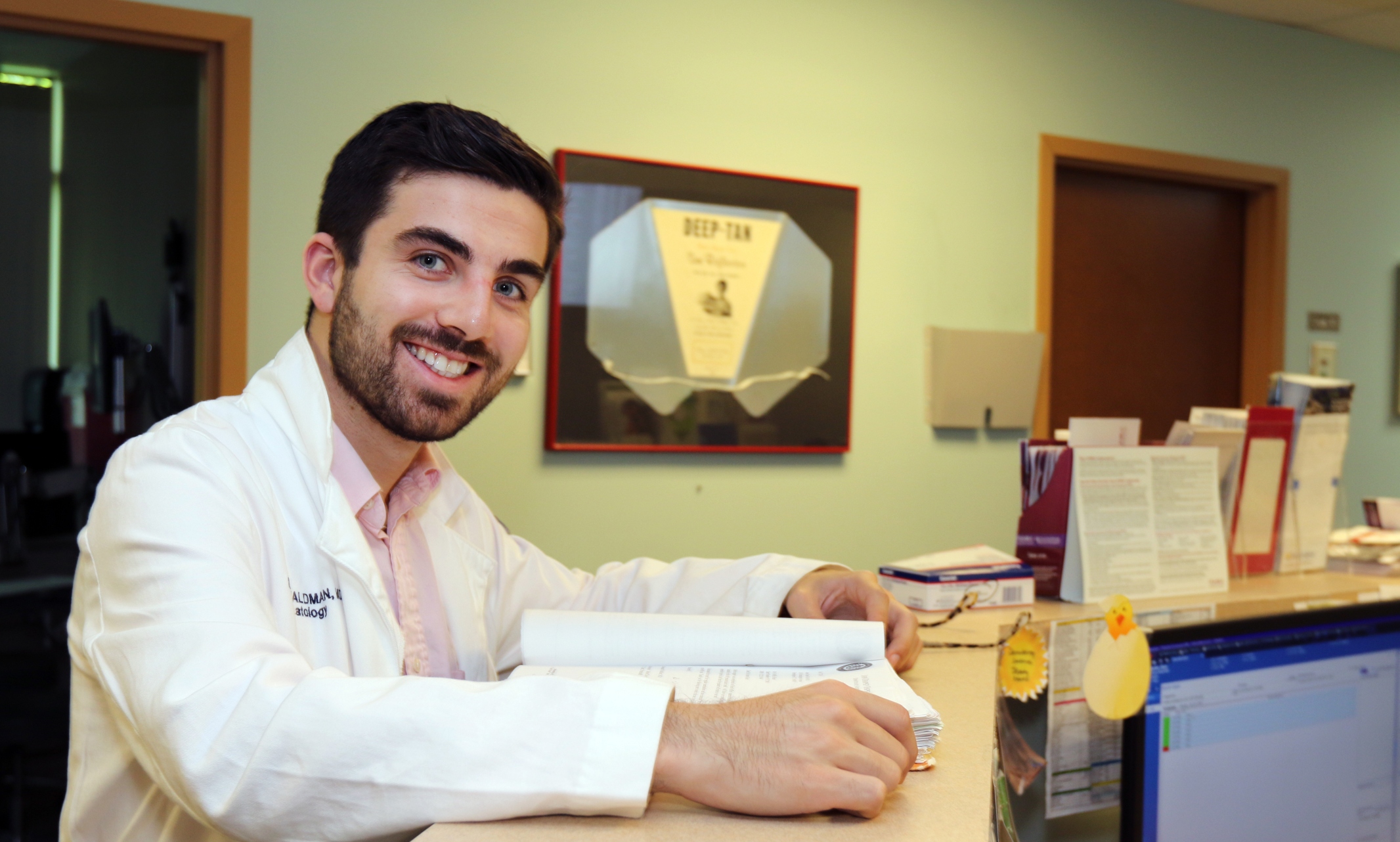
How a UMKC graduate turned an idea for a wart treatment into a multi-million-dollar startup
After graduating from UMKC’s six-year B.A./M.D. program and becoming a dermatologist, Reid Waldman (B.L.A. ’16, M.D. ’17) noticed a lack of kid-friendly wart-treatment options. So he worked to turn that gap in the market into a new business venture that has rapidly taken off.
Shortly after graduating from the UMKC School of Medicine, Waldman competed in a Dermatology Hackathon — a competition designed to spark new ideas and industry collaborations to improve standards of care and treatment for skin conditions.
“The team came together during the competition looking to research the problem of childhood wart treatments being painful, scary and ineffective,” Waldman says.
During that competition, the idea for VeraDermics was born. The company makes kid-friendly patches to treat warts in children.
An estimated 10-to-20% of children develop common skin warts, but existing treatment options were not “kid-friendly,” as they were largely time-consuming and expensive, Waldman explained.
“We’re dermatologists developing drugs for dermatology,” Waldman says. “Everyone on our core management team is a dermatologist. We use our end-user knowledge as physicians who actually use the products that we develop to better understand what doctors and patients want out of new therapeutics. It's a very novel approach to drug development, which is otherwise often done by people who haven’t spent appreciable time in the clinical arena.”
To date, Waldman and the VeraDermics team have raised more than $22 million to launch the company and bring the product to market. Currently all of the company’s products are still in the pre-clinical phase, either undergoing formulation work, validation in the lab or ongoing process development. Waldman says in drug development it’s important to ensure every batch of a medication is identical, so his teams are investing heavily to ensure they get it right.
“It's amazing to be at the stage we’re at now, because all of the corporate planning takes years, and we've been working on this for so long,” says Waldman. “There are many milestones that at one point seemed so far away. It’s really mind blowing the closer we get. And I think this is going to be an especially exciting year for us."
Waldman says through building his company from the ground up, he realized the strength and reach of his UMKC alumni network. From donations to well-wishes and even business advice, he’s benefitted from the connections he built while enrolled at UMKC.
“The six-year B.A./M.D. program at UMKC is the cornerstone of why I'm interested in drug development,” Waldman says. “My UMKC medical training and then the medical training I had postgraduation have really helped me recognize certain areas of unmet need within medicine and specifically within my field of dermatology. Through my medical training I can appreciate some of these more niche areas of unmet need that are otherwise not necessarily a focus of larger pharmaceutical companies.”
“It's amazing to be at the stage we’re at now, because all of the corporate planning takes years, and we've been working on this for so long.” — Reid Waldman (B.L.A. '16, M.D. '17)
He didn’t have to look far to start building connections with other UMKC alumni.
Waldman comes from a UMKC legacy family. In fact, the family’s Roo tradition began in 1929, when Reid’s grandfather, David Waldman (J.D. ’32), became the first graduate of three generations of Waldmans to be admitted to the Kansas City School of Law (now the UMKC School of Law).
Reid’s father, uncle and three siblings are all UMKC graduates. Waldman’s family received the UMKC Legacy Award at the 2014 UMKC Alumni Awards.
The UMKC School of Medicine is currently celebrating its 50th anniversary. Waldman says he’s proud to be a product of such an incredible and unique institution.
“I think it's amazing,” Waldman says. “My dad was in one of the early classes at the School of Medicine and then I was a graduate in 2017. In many ways, I think the medical school has changed quite a bit between the time my dad attended and when I graduated, and I know it has probably changed since I left. But in many ways the great education and uniqueness of the program remain.”
Apr 18, 2022
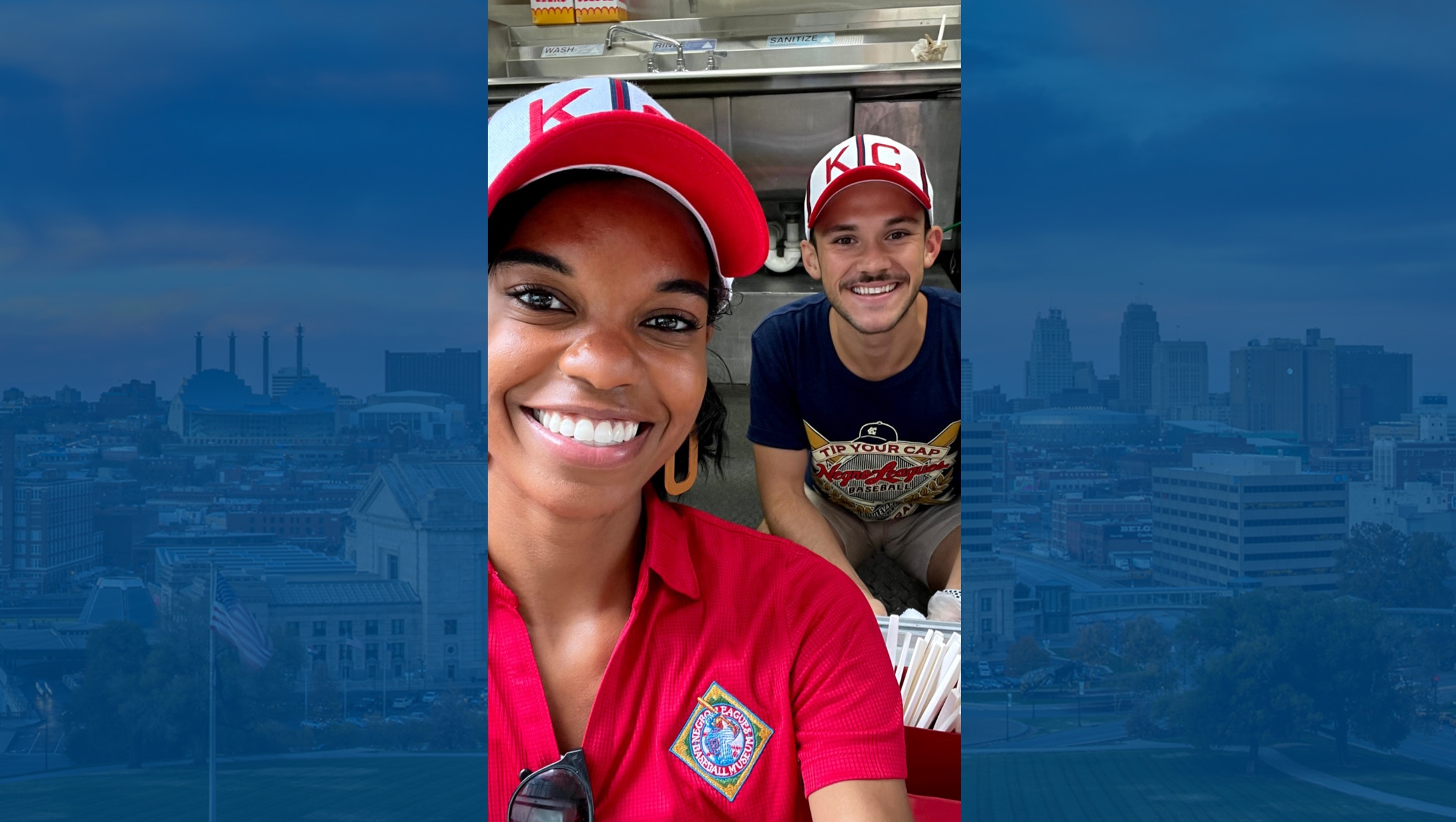
Two Bloch alumni are making their mark in KC
When people go to school to earn their degree, they go for more than the reading, writing and arithmetic. They go to hone skills and form connections that will propel them into fruitful careers.
Two UMKC Henry W. Bloch School of Management alumni are still building those connections — and building up Kansas City along with them.
The partnership between the two began when Kiona Sinks (MBA, ’21), the digital strategy manager for the Negro Leagues Baseball Museum, noticed a local hinderance and decided to turn it into an opportunity. Sinks was aware that Alec Rodgers (B.B.A. ’20), a fellow Bloch School graduate, had purchased the local ice cream staple Betty Rae’s, and she wanted to show her support.
“I think one thing that I've learned in Kansas City — we have all the right people, all the right tools, all the right resources, but sometimes we're not great at aligning things strategically,” Sinks says. “Ice cream and baseball historically go hand in hand. When you go to the ballpark, you get a hotdog and a cone. That’s when I thought it’d be really cool to reach out.”
A sweet new collaboration was born.
“Kiona reached out asking if we wanted to partner with the Negro Leagues Baseball Museum, and of course it was a yes from the start,” Rodgers says. “I thought it would be fun to raise funds and awareness for the museum — even just for the collaboration with ice cream and the museum itself. It's like a match made in heaven. Baseball and ice cream go so well together anyway.”
The plan went into motion with the Betty Rae’s truck outside of the museum. Passersby were eager to investigate the bright blue truck, and the warm day called for something cold. Everyone who bought a scoop got a $2 discount off museum admission. The partnership also resulted in a signature flavor: Cake, Batter Batter — a spin on the classic flavor with the colors of the museum swirled in. The treat was a home run, as is the new partnership between two successful Roos.
“I think working with UMKC alumni has been a testament to the culture at UMKC,” Rodgers says. “It’s great. When you’re on campus and involved, you start to feel like it’s home. It’s been neat to make the city an extended home of UMKC. It feels like you’re seeing people you know everywhere, which is so comforting.”
Sinks shares the same feelings about her graduate school experience at UMKC. That’s part of the reason she reached out to Rodgers in the first place.
“I've watched his story progress in the community, in his 20s, thrust into this new role,” Sinks says. “When he took over ownership, I really wanted to be a support to him. And obviously, I literally love ice cream.”
Alec Rodgers
Rodgers took over Betty Rae's ice cream in 2021. Photo by Brandon Parigo
Sinks is far from alone when it comes to her feelings about ice cream. Rodgers just so happens to have a special connection to Betty Rae’s that extends beyond the scoops.
Rodgers made headlines in 2021 when he took over Betty Rae’s fresh out of the Bloch School. It helped that he scooped ice cream there when he was a student at UMKC, but it was more than a part-time job. He often spent time in the stores — even when he wasn’t scheduled to work — catching up with work friends while making a fresh batch of waffle cones. The stores also provided a change of scenery for studying.
Because of his passion for Betty Rae’s, Rodgers did not hesitate for a moment when the previous owner came to him about purchasing the business, even during a pandemic. He has experienced plenty of success since, though he still faces challenges as a young business owner.
“It's definitely a little intimidating most days,” Rodgers says. “In other ways it's been really good because it gives me a different perspective (having) a lot of employees under a young owner. I find it’s easy to relate to them and where they are in life.”
Under Rodgers’ leadership, Betty Rae’s took the slower winter season to develop new offerings, like cakes and ice cream flights — which will have vegan and non-dairy options — in addition to seasonal rotators and fan favorites.
Betty Rae’s has also added some new creations. Their rotating stock has featured flavors inspired by McLain’s Bakery, Andre’s Chocolates and the Negro Leagues Baseball Museum, as well as UMKC, of course. The Roo Blue Swirl flavor was added to the store last August, with the ceremonial first scoop going to Chancellor C. Mauli Agrawal.
That UMKC connection is apparent with both Bloch School alumni.
Kiona Sinks
Sinks works as the digital strategy manager at the Negro Leagues Baseball Museum. Photo by Brandon Parigo
Rodgers’ time with Betty Rae’s goes back to his college experience, and Sinks’ time at the Negro Leagues Baseball Museum follows a similar path. Having been with the museum for more than a year and a half, Sinks started her work as digital strategy manager while earning her master’s degree at UMKC.
“Students in the MBA program are working professionals, first and foremost, and then you slap trying to get a formal education on top of that,” Sinks says. “It can be difficult. Things are not promised. I didn't have this job when I started my degree. I did my own consulting, and I was not waiting for something to come to me. Looking back, it was a great self-investment for me.”
Sinks also knew the Bloch MBA program had benefits when it came to networking opportunities.
“With the Bloch school, I can't tell you how many people are in the local business community,” Sinks says. “They're CEOs, they're executives, and I’m regularly able to interact with and get to know them. You just see the outpouring of love that people have for this institution. It makes you proud. That's what you want. You want to be proud of where you've invested your time.”
In the meantime, the Negro Leagues Baseball Museum is preparing to celebrate the 75th anniversary of Jackie Robinson breaking the color barrier. Sinks is eager to get the word out and grow the museum.
“These life lessons that stemmed from the story of the Negro Leagues continue to be an inspiration to me every day, and I think that was the motivation to reach out to Alec,” Sinks says. “Obviously, it doesn't hurt that he’s also a UMKC alum. It puts two and two together. He's a great person, and I’m wishing him all the success for all he's going to do in Kansas City.” The community has likely not seen the end of their friendly partnership, either.
“We both quickly realized that we share a love for Kansas City, a love for the communities that we’re involved in,” Rodgers said. “Kiona has a servant-leader heart, and it was quickly recognizable in her. We both realized that we had a lot in common in that area as well. We just pitch to each other our long-term goals and long-term ideas in the city, and they align really well.”
Apr 18, 2022
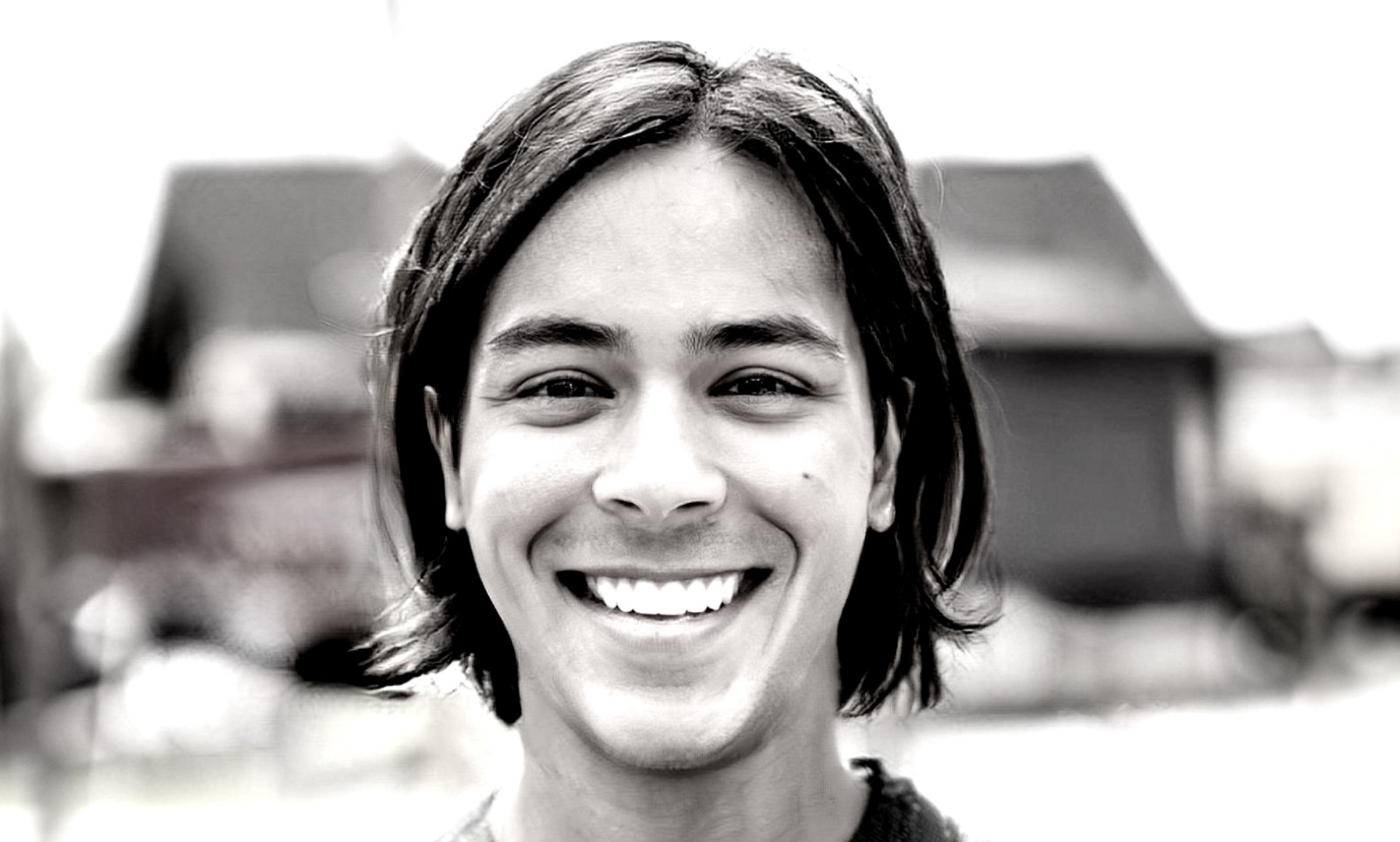
UMKC honors Riddhiman Das with Alumni Spotlight Award
Each year, the UMKC Alumni Association recognizes the achievements of outstanding alumni with an awards celebration. UMKC is honoring Riddhiman Das (B.S. ’12, M.S. ’19) with its Class of 2022 Alumni Spotlight Award. The Spotlight Award recognizes an alumnus whose accomplishments, leadership and public service have caused regional and national attention to be focused on the university and the metropolitan area.
Riddhiman Das’ love of technology started when he was five years old when his family got their very first computer.“I was immediately hooked. I was amazed at all the things this device could do, and quickly resolved to spending my life building in innovative areas of computer science & technology.”That is exactly what he has done as the co-founder of TripleBlind, a data security company that allows companies to securely transfer data to solve challenges in healthcare, finances and science without compromising privacy.
TripleBlind is said to be the product of groundbreaking innovation. What inspired you to create it?
As more and more of our information is stored and transacted within the digital world, as opposed to the analog world, the current approaches we take to ensure the privacy of these transactions fall short. I wanted to find a way to allow our collective data assets to be used to their fullest potential to solve real world health, financial and scientific problems, while at the same time ensuring that the regulations that govern them are enforced and privacy is intact.
What did you learn working with a large, international corporation? How is that different from a start-up environment?
The two experiences are very different, yet symbiotic. As the saying goes, the best way to compress 10 years of learning into two years is to work at a startup. I am a better start up executive because I have experienced the large company scenario. And because I started my career at fast-moving, innovative, high-tech startups, my ability to contribute to large companies was significantly enhanced by those experiences.
How did UMKC prepare you for/contribute to your success?
I really feel like the computer science program at UMKC is really underrated. It has a world-class faculty and research programs, and I got involved in a lot of extracurricular and co-curricular activities which really helped me develop into a well-rounded person. Because of the small class sizes, you get a lot of close attention from your professors and faculty. Also, the robust internship programs ensure that students are able to learn outside of the classroom in real-world situations as well.
What is your favorite UMKC memory?
I really like how involved the faculty was. Everybody knew me and took a personal interest in my learning and success. I spent many nights and weekends at school working on obscure projects with my professors and fellow students. On top of that, I also met my wife at UMKC and built some lifelong friendships.
What is your proudest accomplishment?
Being able to get TripleBlind from founding to being more than a $100 million company in less than two years has exceed my own expectations!
What advice do you have for students who’d like to follow in your footsteps?
A large part of the success in the early years of your career depends very much on what you know as well as who you know. So the most important piece of advice for folks earlier in their career is to start to develop a large network in your domain. Also, in the early years of your career, it's important to have a lot of breadth as much as is important to have a lot of depth. So, I'd encourage you to try new things and put yourself outside of your comfort zone more than you historically have.
About Alumni Awards
Join us in honoring Das and the other Class of 2022 awardees at an in-person celebration at 6 p.m. April 29, at the James C. Olson Performing Arts Center. To register, visit UMKC's Alumni Association website. If you are unable to attend the event but would like to donate to student scholarships, contributions can be made online.
Apr 18, 2022
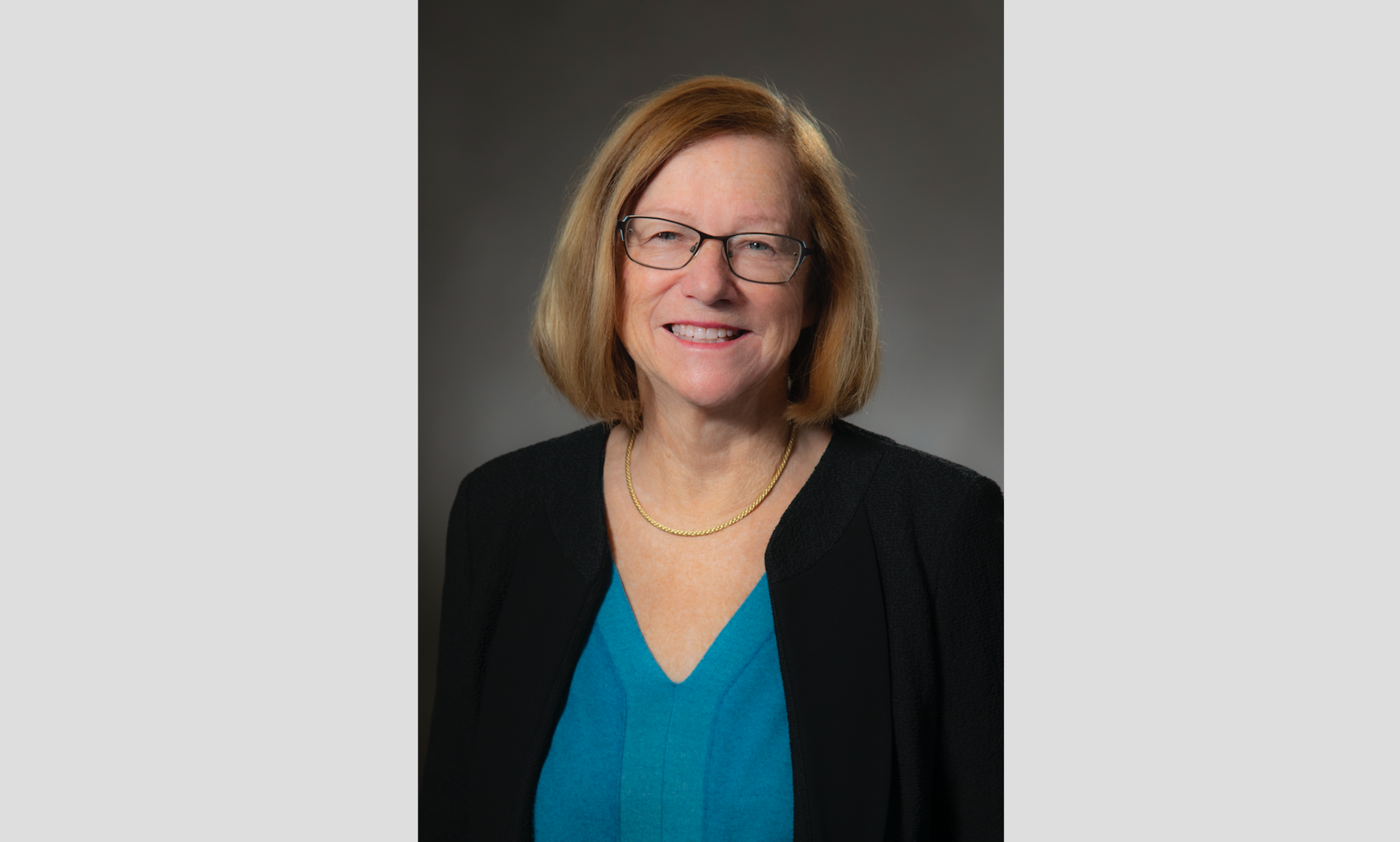
Judge Ann Mesle has demonstrated dedication to the legal profession and her alma mater
Each year, the UMKC Alumni Association recognizes the achievements of outstanding alumni with an awards celebration. UMKC is honoring Ann Mesle (J.D. ‘72) with its Class of 2022 Bill French Alumni Service Award.
Judge Mesle’s distinguished work for UMKC is the definition of service. She has served on the UMKC Law Foundation (President), as a UMKC Trustee, Martha Starr Education Fund (Co-Chair) and the Board of Diastole Scholars’ Center (Chair). She has received the UMKC Law Foundation’s Lifetime Achievement Award, its Alumni Achievement Award, and its Best Friend Award.
Mesle served for 13 years as a state trial judge, handling general civil and criminal trial dockets. She also served as an Administrative Judge for the Family Court for two years. Her service to the Kansas City bar is legendary. She has served on the boards of innumerable civic organizations, including Health Care/Health Forward Foundation (Executive Committee), Missouri Institute for Justice (Chair), Truman Medical Center Risk Committee, Jackson County Children’s Service Fund (Vice-Chair) and the Center for Conflict Resolution.
What causes motivate you and are close to your heart?
Central to my life’s worldview is a belief in human dignity, and respect for the earth and the creatures that share it with us.
How can young people make a difference in their communities?
We need a new generation of leaders and volunteers expanding their participation in our civic, governmental, non-profit and business activities. This is already happening and new leaders continue to develop.
What advice do you have for students who’d like to follow in your footsteps?
Students can learn from the successes and failures of earlier generations but no one needs to follow in my generation’s footsteps. We need UMKC students and graduates to apply their educations, their time and their talents to better our communities by following their own paths.
What inspires you to give back to UMKC?
There is not a day that I do not feel a depth of gratitude because UMKC Law School offered me the opportunity to get a legal education.
About the Alumni Awards
Join us in honoring Wilson and other Class of 2022 awardees at an in-person celebration at 6 p.m. at the James C. Olson Performing Arts Center. To register, visit UMKC's Alumni Association website. If you are unable to attend the event but would like to donate to student scholarships, contributions can be made online.
Apr 15, 2022
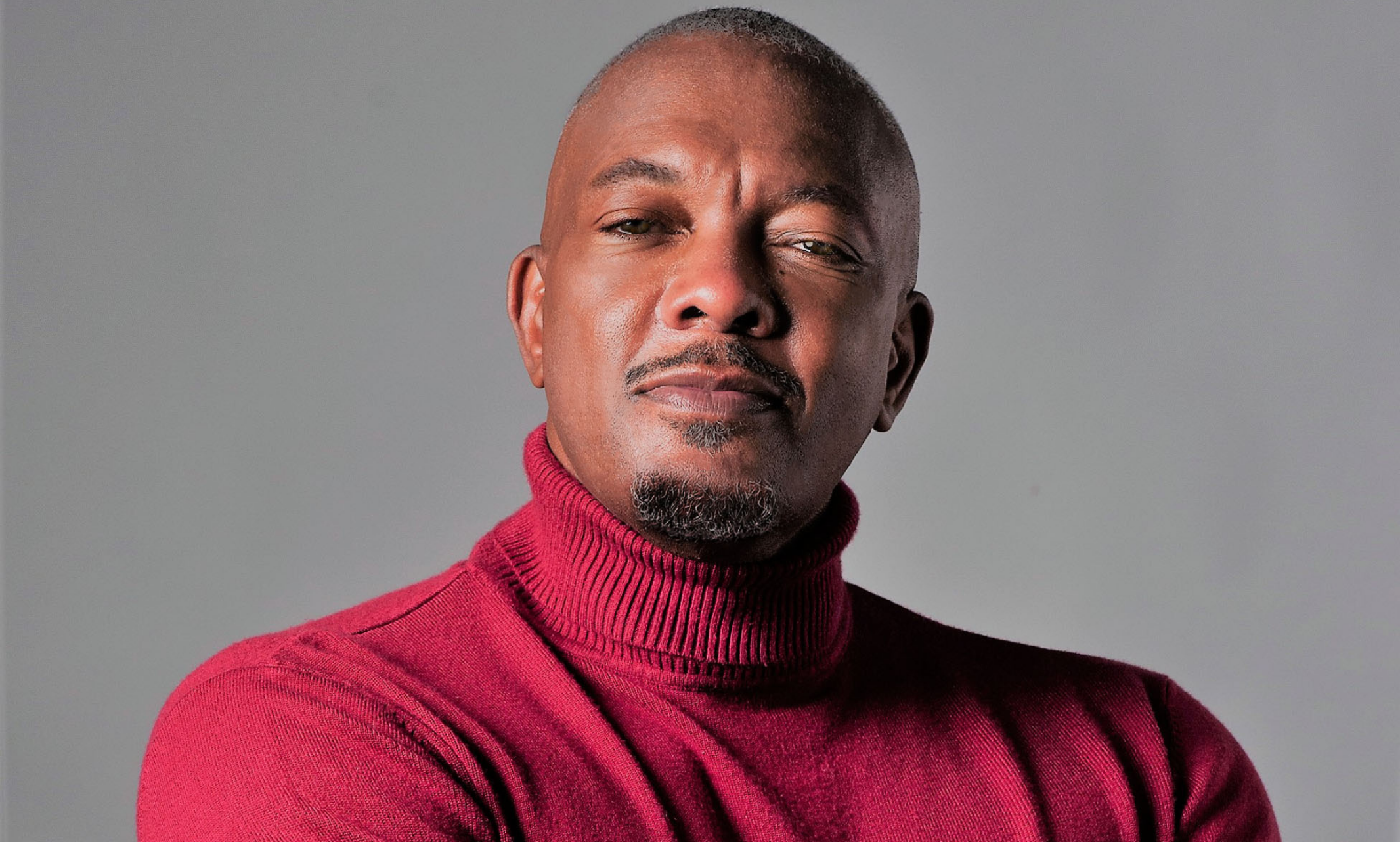
Gary Abbott, Professor of Dance, was honored with a Guggenheim Fellowship for choreography
UMKC Conservatory professor Gary Abbott has been awarded a 2022 Guggenheim Fellowship for choreography from the John Simon Guggenheim Memorial Foundation.
Abbott has taught modern dance at UMKC for 11 years. He has danced in and choreographed productions across the country and internationally. Abbott is also a cofounder of Deeply Rooted Dance Theater in Chicago, focused on diversifying contemporary dance by bringing together modern, classical and African American traditions.
“Being named a Guggenheim fellow feels like an affirmation of the work I’ve been doing,” said Abbott. “It’s given me energy to keep creating and reminds me that I’m doing this for more than just myself. I could never have created the work I have done by myself; it’s been the spiritual generosity of my family and friends that moved me to make dances.”
The Guggenheim Fellowship is considered a highly prestigious and competitive award. The Guggenheim Foundation received nearly 2,500 applications and selected 180 fellowships for the 2022 class. Abbott is the seventh UMKC faculty member to receive the fellowship while teaching at UMKC; he joins the late Michelle Boisseau (poetry, 2017), Elijah Gowin (photography, 2008), Christie Hodgen (fiction, 2011), Clancy Martin (fiction, 2011), James Mobberley (music composition, 1992) and Paul Rudy (music composition, 2008).
“Being named a Guggenheim fellow feels like an affirmation of the work I’ve been doing. It’s given me energy to keep creating and reminds me that I’m doing this for more than just myself." — Gary Abbott
The fellowship includes a monetary gift to complete a creative project. Abbott’s project will be centered around the prison system’s effect on the Black community; he first explored this subject when he created a dance titled, “Breaking the Dam: Mass Incarceration.”
“Gary’s gorgeous choreography and dance have long been known to the Conservatory and Kansas City, but his well-deserved Guggenheim Fellowship will allow people across the country to discover his artistry,” said Andrew Granade, interim dean of the Conservatory. “Gary’s Guggenheim is just another example of why the UMKC Conservatory is the place to study dance in the Midwest.”
“I’ve had the good fortune to work with so many brilliant artists,” said Abbott. “I’m constantly reminded that I work around and with some fantastic people.”
Apr 13, 2022
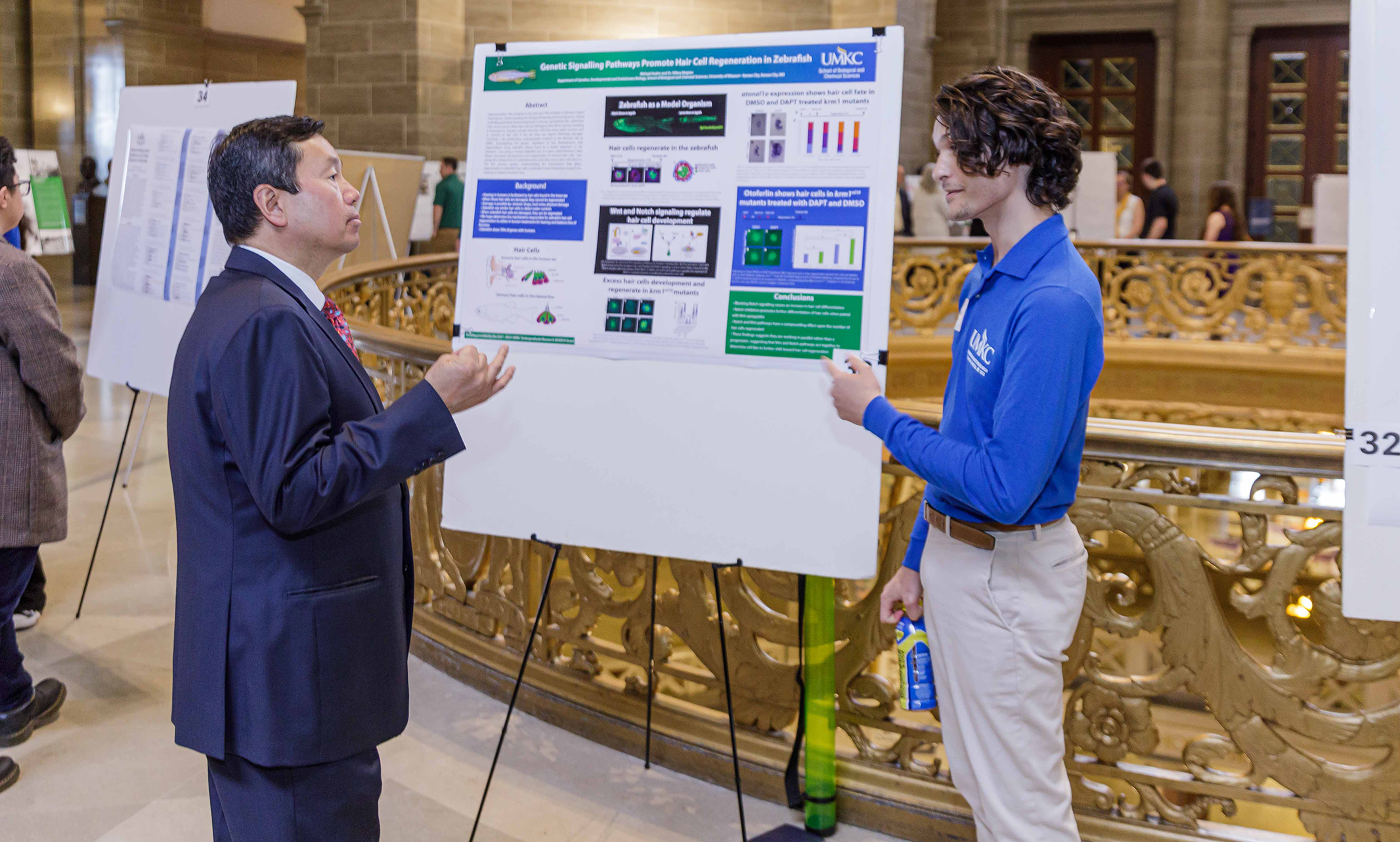
Students conduct research on cancer, jazz, earthquakes and more
After two years of virtual presentations, students from the University of Missouri-Kansas City presented their research in person at the State Capitol in Jefferson City.
The University of Missouri System Undergraduate Research Day featured ten UMKC students, presenting alongside students from the other three UM System schools.
This annual event at the Capitol is a single day devoted to demonstrate to lawmakers in Jefferson City, as well as the public, the unique opportunities undergraduate students have to participate in faculty-mentored research at the four UM System universities.
The featured research projects this year are:
Falls in Older Adults: Preventing Risks with Physical Activity and Cycling
Student: Victor Arellano
Faculty member: Dr. Joseph Lightner
In the United States, adults aged 65 or older (older adults) are at an increased risk of injury from a fall. Reducing an individual’s risk of falling is crucial to avoiding an injury or fatality. Arellano’s study aimed to compare the physical activity (PA) and balance of older adults who regularly cycled to older adults with little to no reported PA and the number of self-reported falls.
Arellano is studying public health.
Impact of COVID-19 Pandemic on Middle Aged and Older Adults’ Physical Activity Levels
Student: Maya Baughn
Faculty mentor: Dr. Amanda Grimes, Nursing and Health Studies
The purpose of Baughn’s study was to qualitatively explore the impact of the COVID-19 pandemic on middle aged and older adults’ physical activity nearly six months into the pandemic. Undergraduate students conducted interviews with adults aged 50+, asking how their activity was impacted due to the COVID-19 pandemic. Approximately 230 interviews were conducted with a diverse sample of participants from the Midwest.
Baughn is studying health sciences.
Xenolith Structures in Welded Basalt Agglutinate Associated with Dotsero Crater, Colorado
Student: Kyle Broley
Faculty mentor: Dr. Alison Graettinger, Earth and Environmental Sciences
The focus of Broley’s study was to gain a detailed understanding of the lava and sediment interactions that occurred at the Dotsero maar volcano in Dotsero, Colorado. These analyses provide answers to thermal impacts and deformation on the localized sediment pieces from the eruption event to gain a deeper understanding of the impacts to the surface sediments.
Broley is studying earth and environmental sciences
Reframing the Narrative: Uncovering Kansas City Women in Jazz
Student: Nina Cherry
Faculty mentor: Dr. Alison DeSimone, Musicology
The jazz canon, formed primarily by white, male scholars of the twentieth century, has neglected and trivialized the careers of women within the genre, especially instrumentalists. Cherry’s research project investigated the historically underrepresented and forgotten women in Kansas City jazz. These women were highly influential to the development of the region’s distinct style, which, in turn, greatly contributed to the city’s growth, although history texts do not reflect this. Her research has been used to create a database of Kansas City women in jazz, Countess.
Cherry is studying music theory.
Student Life Through the Art of Luis Quintanilla: A Study of the Murals in Haag Hall
Student: Victoria Dominguez
Faculty mentor: Viviana Grieco, History; Latin American and Latinx Studies
Dominguez’s research focused on Dr. Clarence Decker’s, President of the University of Kansas City (now UMKC), efforts at broadening the academic scope of the university by appointing prominent international figures to the faculty, like Luis Quintanilla, who established the first fresco painting school in the United States as a resident professor. Dominguez finds her research relevant to Missourians as it shows how higher-education institutions promote cultural engagement through students’ activities within and outside the classroom.
Dominguez is studying spanish and sociology.
The Importance of Yeast in Cancer Research
Student: Jordy Hernandez
Faculty member: Dr. Saul Honigberg, Biology
Hernandez’s research focused on three yeast cyclins, proteins associated with the cycle of cell division, and determining whether mutants in these cyclins affect surrounding cells as well as the cell containing mutations that can form cancer. Yeast is a useful model for cancer cells because it has a short generation time, shares many biological properties with human cells and is relatively simple to genetically manipulate.
Hernandez is studying biology and chemistry
Hair Cell Regeneration in Zebrafish
Student: Michael Kuehn
Faculty mentor: Dr. Hillary McGraw, Biology
In the ear, specialized cells, called hair cells, sense sound. When hair cells are damaged, they fail to regrow, resulting in hearing loss. Aquatic animals have hair cells that sense water current, and in contrast to hair cells in the human ear, they can regrow following damage. Kuehn is investigating the genetic regulation of hair development and regeneration using zebrafish as a model organism. Understanding the mechanisms that allow regeneration in zebrafish hair cells could help human treatment research for hearing or balance function loss.
Kuehn is studying biology and chemistry.
Building a Georeferenced Database for the 1976 Guatemalan Earthquake Rupture of the Motagua Fault System along the North American-Caribbean Plate Boundary
Student: Trenton McEnaney
Faculty member: Dr. Tina Niemi, Earth & Environmental Sciences
In this study, McEnaney sought to relocate sites along the 1976 Motagua fault rupture by analyzing archival material from George Plafker of the U.S. Geological Survey, who was part of the team that collected data on the effects of the earthquake within days of the event. Prior to this project, locating any of these past field sites and points of interest along the 1976 Guatemalan earthquake rupture was hindered by the lack of GPS coordinates. The new database will benefit future paleoseismic and seismic hazard analyses research.
McEnaney is studying earth & environmental science with a geology emphasis.
How Stress Level and Coping Styles Impact Eating Decisions
Student: Grace Nanney
Faculty member: Dr. Oh-Ryeong Ha, Psychology
Nanney’s research analyzed the relationship between problem and emotion-focused coping styles and eating behavior. Participants rated foods based on taste, health, preference and consumption using a computer food rating and choice task and completed a self-report measure concerning factors associated with eating behavior. Participants then completed a self-report measure that ascertained their preferred coping style.
Nanney is studying psychology.
Apr 12, 2022
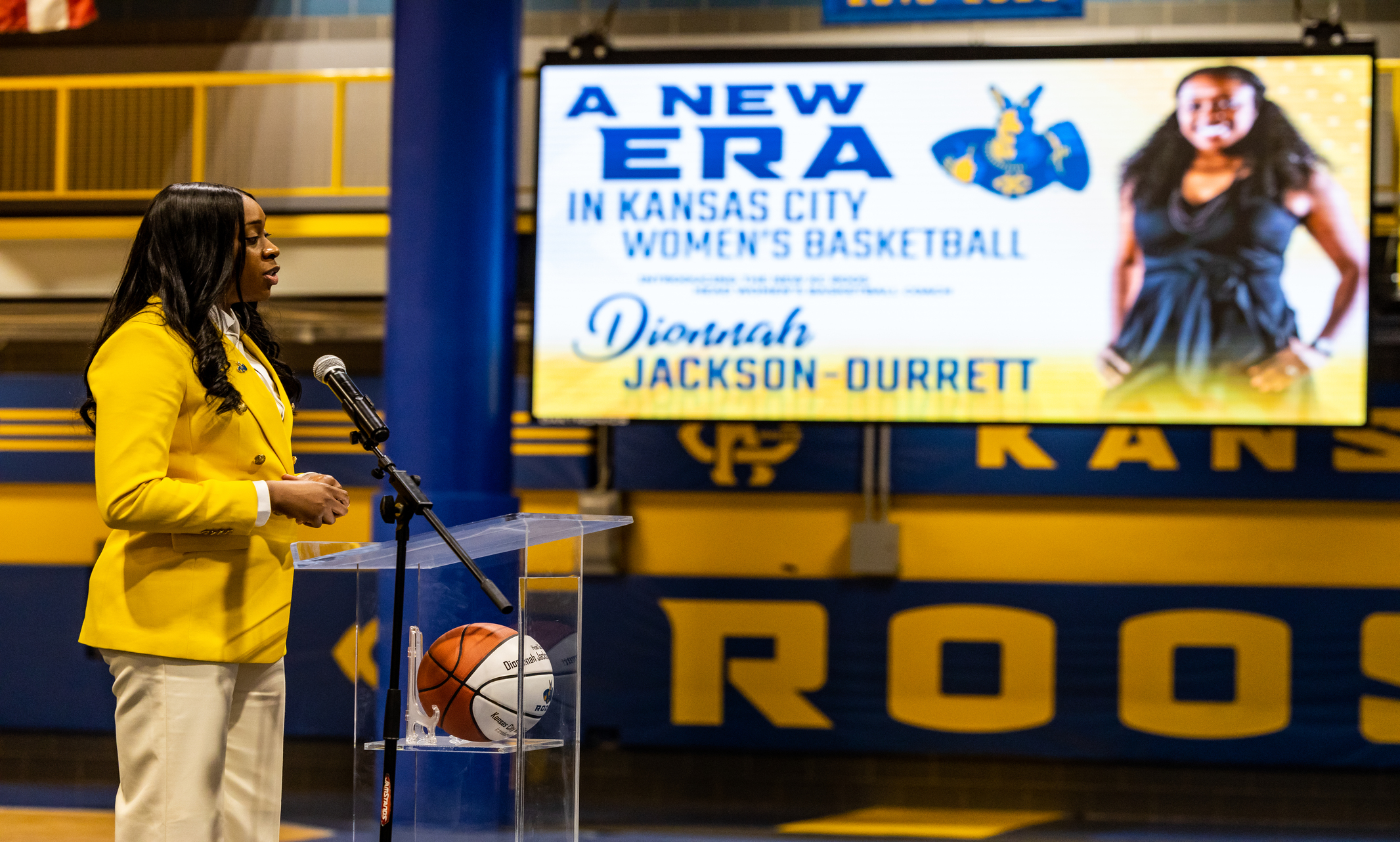
Dionnah Jackson-Durrett, a former first-round WNBA pick, served as the associate head coach at Texas over the past two seasons
Kansas City Athletics has named Dionnah Jackson-Durrett as the head coach of the UMKC Women's Basketball team. She was welcomed to campus on Tuesday.
Jackson-Durrett, a former first-round WNBA pick and one of the most highly touted assistant coaches in the nation, served as the associate head coach at Texas over the past two seasons and has coached in five consecutive NCAA Elite Eights.
"I'm honored and ecstatic to be a part of the Kansas City Athletics family," Jackson-Durrett said. "Throughout the process, the energy has been amazing and my decision developed organically. I'm supposed to be here, I feel it in my heart."
Originally from St. Louis, Jackson-Durrett has deep ties to basketball within Missouri and the Midwest at large. The 2001 Missouri High School Player of the Year put together an All-American career at Oklahoma before spending five years in the professional ranks.
"We are delighted to have Dionnah as part of our Kansas City family," said Vice Chancellor/Director of Athletics Brandon Martin. "Not only does she have impeccable integrity, her basketball acumen and coaching pedigree is unmatched."
Over the past 12 years, she has made coaching stops at Mississippi State, George Mason and Southeast Missouri State, in addition to her time with the Longhorns.
"As part of the UMKC family, Coach Jackson-Durrett will lead our women basketball players to be better athletes and fierce competitors," Chancellor Mauli Agrawal said. "Her past performance shows us that we can expect our women basketball players to thrive under her leadership. We are thrilled to have her here because we know she will emphasize, and exemplify, the importance of sportsmanship, giving back to the community and showing up for one another."
To read more about Jackson-Durrett, click here.
Apr 12, 2022
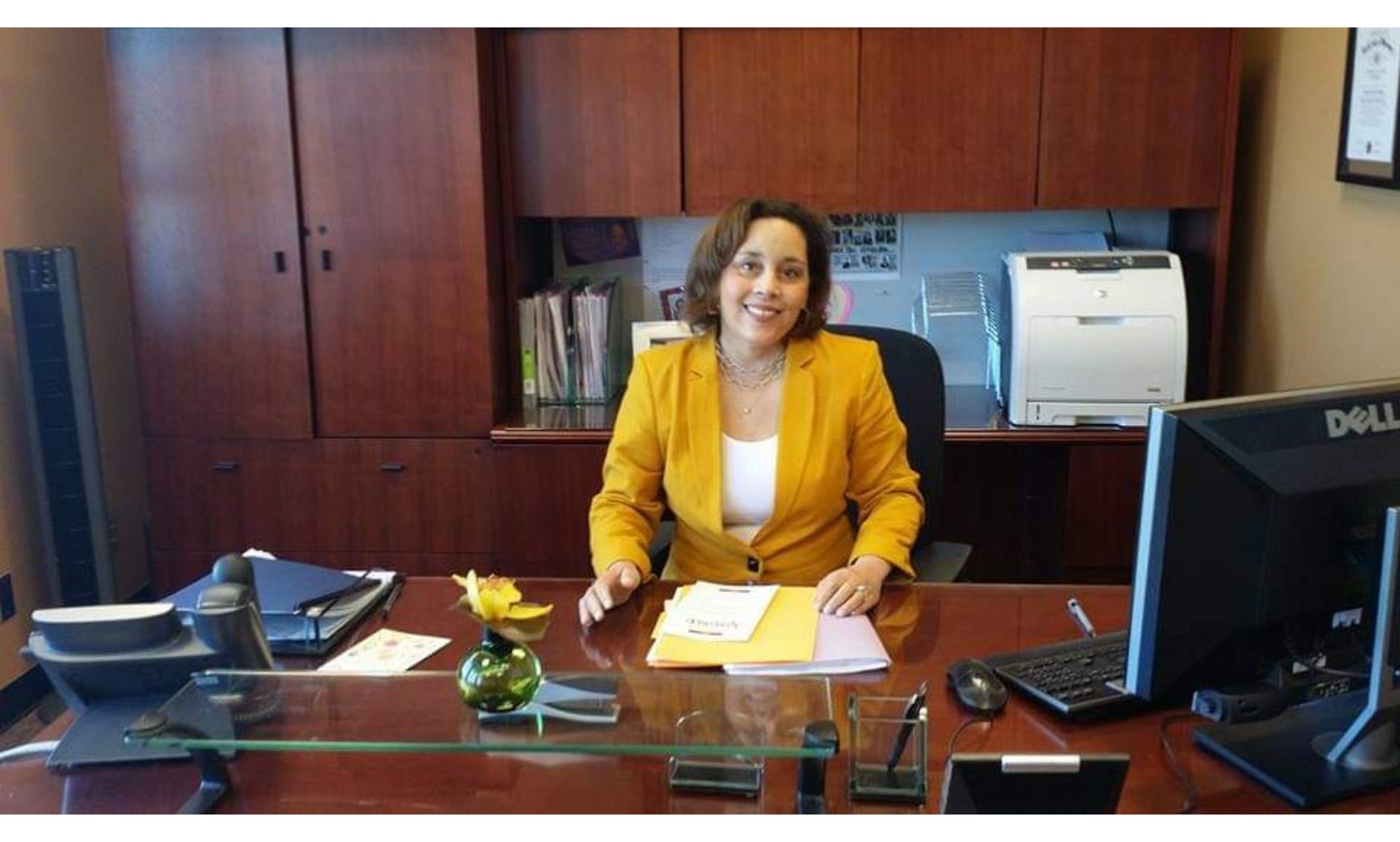
UMKC Alumni Association selects Susan B. Wilson to receive Campus-wide Alumni Award
Each year, the UMKC Alumni Association recognizes the achievements of outstanding alumni with an awards celebration. UMKC is honoring Susan B. Wilson, Ph.D. (MBA ’05) with its Class of 2022 Defying the Odds Award.
Pittsburgh, Pennsylvania native Susan B. Wilson, Ph.D., has always valued education, diversity and community service. Wilson’s childhood sparked a drive to excel and give back to create opportunities for others.
Wilson went on to earn her bachelor’s, master's and doctorate degrees. She has built a successful career using her educational background and go-getter attitude to excel in fields related to diversity and inclusion and is well respected among many in her field, but her path to greatness has been filled with hurdles and obstacles, a true testament to Wilson’s character and determination.
How have your personal experiences contributed to your drive to give back and support others?
I grew up in a black community that was rich in caring although poor in resources and decent housing. I had many struggles growing up, but there were always 'angels' who appeared to help when I least expected it. I always vowed to give back — to become the 'angel' that others were for me.
My father had an 8th-grade education but was self-taught and an avid reader. He stressed the importance of education so that I would have a better life than his own. I also think my family situation contributed to my lifelong interest in diversity and inclusion. I came from a very diverse family. My father was African American and spoke fluent Yiddish. My mother was Italian. Watching my mother and father bridge their cultural gaps was quite interesting and as a result, I became someone who could see both sides of an issue or argument, striving to be a mediator and one with understanding and insight.
What motivated your decision to continue with your education in an MBA program?
As early as graduate school, my knack for 'running things' was recognized when I was chosen to be the director of the psychology training clinic. After practicing for a while, I realized that behavioral health administration was a calling. I learned the business of behavioral health on the job, after leading clinics, clinic networks, clinical operations and a large urban community mental health center. Yet there were those who said “She’s just a psychologist, what does she know about business?" My decision to attend the Bloch Executive MBA program was motivated by my wish to deepen and broaden my existing knowledge of business. The Bloch School provided me with an excellent education that has served me well in a number of endeavors, including diversity and inclusion.
What is your proudest accomplishment?
Although I hold four degrees, my proudest accomplishment is motherhood. I was able to raise – by myself – a daughter and a son who are strong, smart and capable individuals that have a strong moral compass. I am also proud that I was the first person in two generations of my family to attend college. And although my work has brought me awards and recognition, I am most proud of saving lives through psychotherapy (like former Chief player Ryan O’Callaghan) and touching lives through mentoring, coaching and leadership.
What advice do you have for students who'd like to follow in your footsteps?
Keep your mind and options open. Some of us continue working within the settings and fields that call out to us when we are in school. However, many of us will find an entirely different setting or population to pour our passions into. Second, compassion fatigue is a very real thing. Don’t let your pursuits in the healing of others take you along with it. Take care of yourself. Your clients will thank you for it.
About the Alumni Awards
Join us in honoring Wilson and other Class of 2022 awardees at an in-person celebration at 6 p.m. at the James C. Olson Performing Arts Center. To register, visit UMKC's Alumni Association website. If you are unable to attend the event but would like to donate to student scholarships, contributions can be made online.
Apr 11, 2022
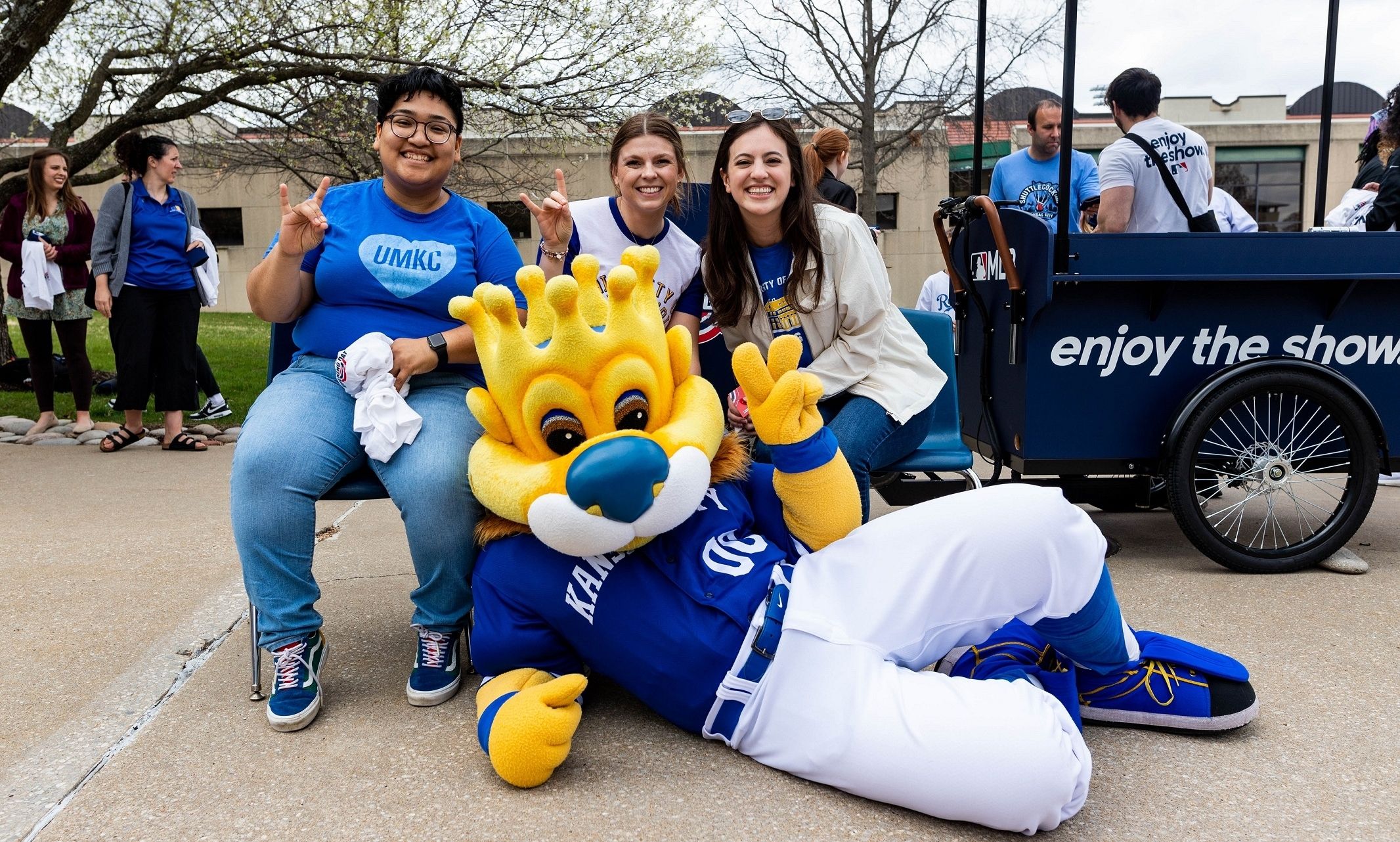
MLB Opening Day brings royals greats to campus
We were thrilled to host the MLB's Road to Opening Day with the Royals Tuesday, April 5. Students, faculty, staff and community members hung out with Sluggerrr and Royals greats, including Brian McRae, Jaime Bluma, Al Fitzmorris, Dennis Leonard, Jamie Quirk, John Wathan, Jim Eisenreich, Frank White and Greg Pryor.
Photo by Brandon Parigo
Photo by John Martellaro
Photo by Brandon Parigo
Photo courtesy of Frank White
Photo by Brandon Parigo
Photo courtesy of Frank White
Photo by Brandon Parigo
Photo by Brandon Parigo
Apr 08, 2022
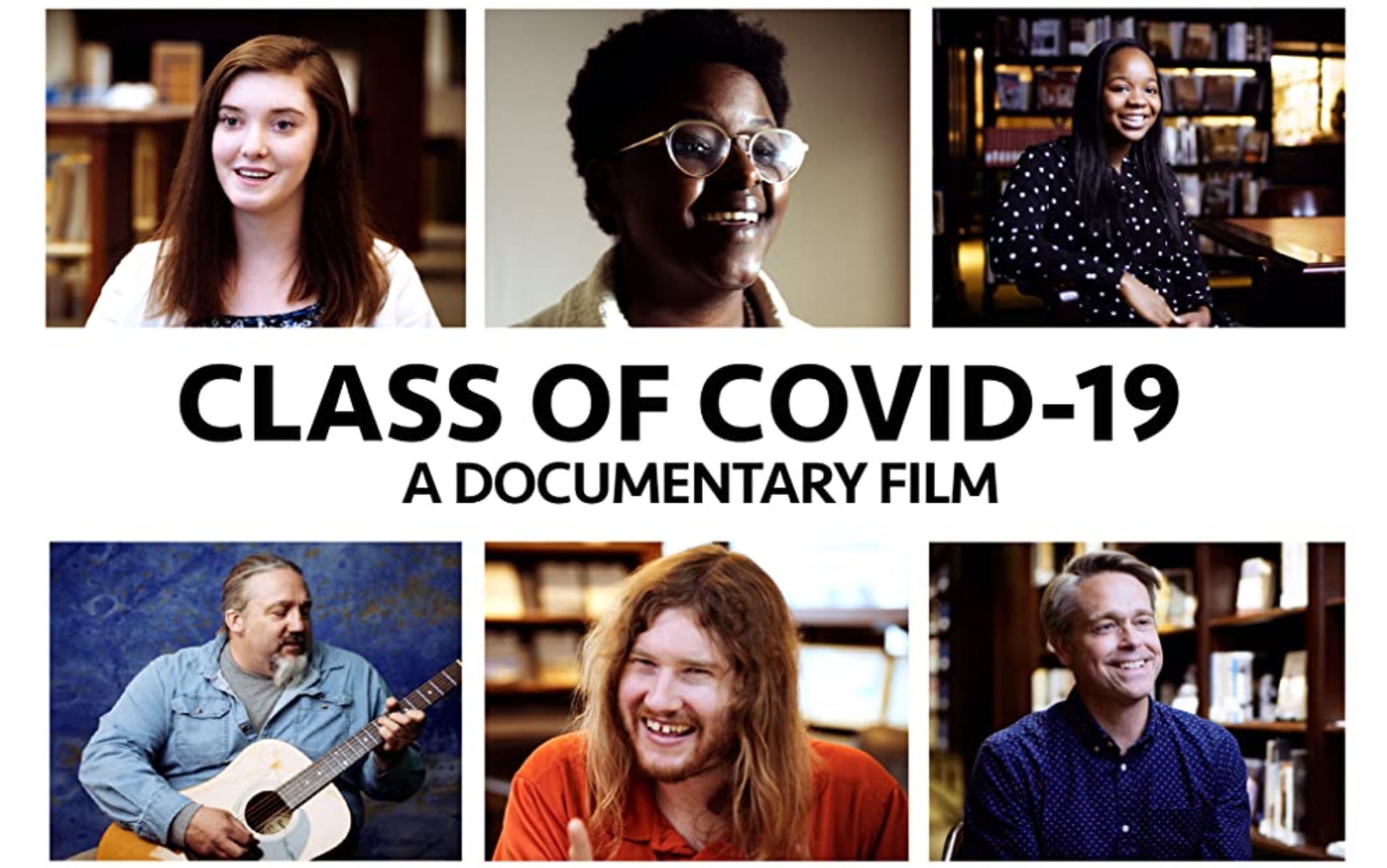
Documentary created by UMKC professor included in KC Film Fest
Street demonstrations for racial justice. Zoom classes. Conflict between school nurses and parents over virus precautions. School was a unique experience for the “Class of COVID-19.”
And that is the title of a new documentary film launched by Donna M. Davis, Ph.D., UMKC professor in the Department of Educational Leadership, Policy, and Foundations, that she hopes provides a window into that experience. As the 2020 president of the Organization of Educational Historians, Davis needed to deliver a presentation at the group’s annual meeting. She thought making a mini-documentary might be more interesting.
“At first, I wanted to make a short film around the work of high school history teachers in the era of ‘fake news’ and social media for my presidential address,” Davis says. “I contacted [filmmaker] Jon Brick and he was on board right away.”
The pair began filming interviews with local teachers. Soon after, the Covid-19 pandemic hit, and schools began to close, and the focus of the project quickly changed. Initially, Davis, Brick and their subjects thought the shutdown would last a few weeks.
“We were filming early in the pandemic, so we had those initial reactions,” Davis says. “Then we moved to Zoom interviews.”
As shutdown extended into summer and the Black Lives Matter demonstrations, the pair decided to interview high school students for their reactions.
“The project exploded from there,” Davis says. “And we began to focus on students and teachers with the most compelling stories.”
“We were filming early in the pandemic, so we had those initial reactions.” — Donna M. Davis
Brick says the people who participated in the interviews were very transparent about the level of stress and anxiety they were feeling.
“They talked to us about it, but they also made video diaries. Teachers talked to us about the demands of teaching, and students told us what it was like to be a freshman in college and be in a dorm room all alone day after day.”
They filmed interviews of school administrators and nurses, who told them how abusive parents could be in the face of their frustrations.
“We were able to talk to the head of health services at Shawnee Mission School District and heard stories of the challenges that the school nurses went through and how just how awful they were treated at times by parents who were just upset with the news that they were having to deliver,” Davis says. “It was really eye opening.”
Brick says one of his biggest surprises was the disparity between the wealthy schools and the those in the urban core and how much better many students from poorer districts managed the transition.
“I really felt as if the kids at Schlagle High School in Kansas City, Kansas had an edge, because they have struggles every day. They just put their heads down and worked.”
One student at Schlagle picked up a job at Chick-fil-A to pay for Wi-fi for himself and his five siblings.
“The family had a hotspot at home, but it couldn’t support the demand of six devices,” Brick says. “Sometimes he rode his bike and sat outside Schlagle to feed off their Wi-fi. He just wanted to graduate so badly so he could pursue his passion of becoming a baker.”
Regardless of individual viewers’ personal experiences, Davis and Brick think everyone will identify with the characters in their film.
“The film really showcases how teachers on every level shifted, and even if they had their own personal struggles, put on a brave face for the kids and made it work,” Davis says.
“Class of Covid-19” will air at the Kansas City Film Fest International April 26, 2021. Tickets are available online.
Apr 07, 2022
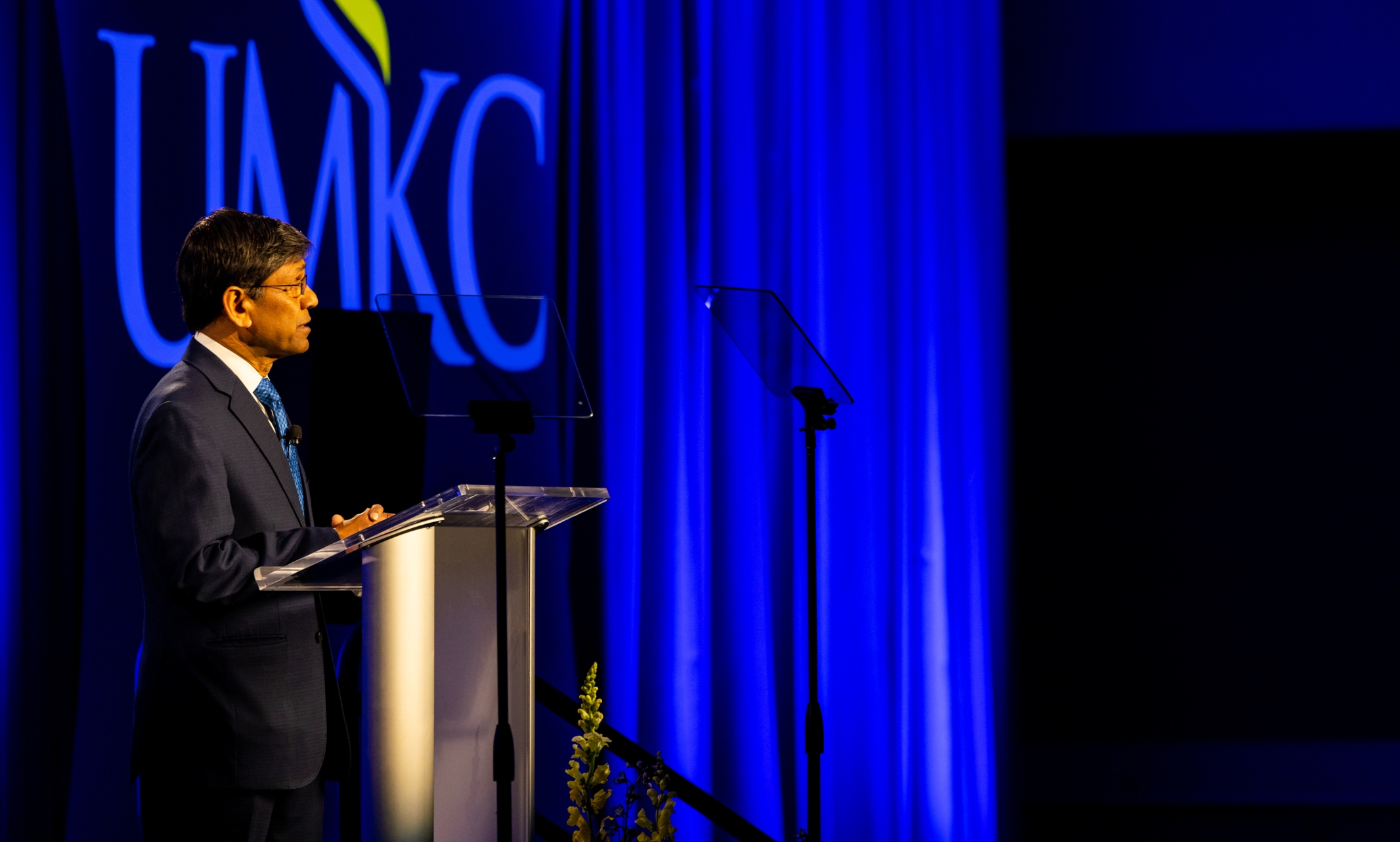
UMKC Chancellor Mauli Agrawal provides vision for growth
The University of Missouri-Kansas City has emerged from two years of challenges stronger and with a clear vision for the future that includes significant strategic investments in student success, research excellence and employee pay, as well as a focus on expanding and improving key campus facilities, Chancellor Mauli Agrawal said in his 2022 State of the University Address.
Agrawal said the university community has persevered through exceptional challenges, achieving success while demonstrating impressive resilience. He shared a wide-ranging vision for the university’s future that includes hundreds of millions in investment in new construction, renovation, salary increases, research and faculty support, and a unique new student success program designed to move students seamlessly from enrollment to professional careers.“We stand rooted and ready to build on our stable foundation, to escalate the success of our students, our research, our future and the prosperity of this community,” Agrawal said.
Seven Key Takeaways from the Address
1. Transforming the higher education model to promote student success
Student success is at the center of UMKC’s mission and its strategies for delivering excellent education. This fall, UMKC will welcome the first cohort of more than 100 students to the new Professional Career Escalators program, which combines classroom instruction with mentoring from community-based professionals, leadership skills training, intensive advising and applied learning opportunities. Career Escalators transforms the higher education model, by shifting the focus from degree attainment to career readiness, with an ultimate goal of propelling graduates to a good-paying job in the profession of their choice.
Agrawal also touted the success of First Gen Roos, a new program that launched in 2021 with 100 percent first semester student retention and higher than average GPAs when compared with other first-generation college students who did not participate in the program.
2. Growing UMKC research in size and impact
The university’s growing research enterprise helps drive huge leaps in human potential.UMKC received more than $54 million in external grants in FY 2021, a 10% increase over the prior year. With three months still to go in FY 2022, UMKC has already surpassed $74 million. UMKC research excellence covers an amazingly wide spectrum overall, from the Urban Education Research Center, and its vital efforts to bring positive change to under-resourced schools and neighborhoods; to the Midwest Institute for Defense and Energy, developing high tech solutions to our most challenging problems in areas ranging from national defense to agriculture.
3. Expanding the vision for the UMKC Health Sciences District
The vision begins with a new building that would house state-of-the-art dental teaching clinics and expanded medical school teaching facilities, projects that would meet significant health care needs for Kansas City and the state of Missouri. UMKC has asked state leaders for $50 million in state funding and would provide matching private funds. The new building would be a spark for an expansion of the entire UMKC Health Sciences District that could dramatically expand health care in Kansas City, attract top faculty and researchers and new private investment that could create new jobs and contribute billions to the Kansas City economy.
4. Investing in our people
Chancellor Agrawal said the university will invest $1 million in the coming year to address salary compression among faculty and staff. Ongoing efforts to increase pay for all graduate assistants will continue, including an additional $1 million this year for stipend support for doctoral and MFA students on graduate assistantships. He also made a commitment to bridge the financial gap for Pell-Grant-eligible students to cover their unmet need, essentially giving them a full ride to UMKC. Beyond that, he set a long-term vision of increasing pay for faculty and staff at UMKC. The centerpiece of that vision is a $315 million investment over 10 years – contingent on enrollment growth – in impactful merit-based salary increases and hiring additional faculty and staff.
The key to making it work will be meeting a target of increasing overall enrollment by an average of two percent per year over the next decade. To drive that growth, the Chancellor announced a commitment to match recruitment staff levels of peer institutions by adding five additional recruiters.
5. Creating a profound and powerful economic impact
UMKC generated almost $600 million in overall economic impact in Missouri during fiscal year 2021, according to a recent study conducted by a nationally recognized firm. In addition, the university generates more than $33 million in state and local taxes. More than 44,000 UMKC alumni live and work in Missouri, generating an additional nearly $8 billion in overall economic impact.
6. Transforming campus spaces indoors and out
UMKC has embarked on several projects to update and transform its facilities and outdoors spaces. Those include:
A $13 million renovation and expansion of Bloch Heritage Hall to incorporate state-of-the-art technology and create a hub for student engagement.
A $4 million project to renovate recital venues such as White Hall and Grant Hall, as well as improving arts practice and teaching areas most needed by our Conservatory students and faculty, as a first step of many to achieve our facilities vision for our world-famous school of music, dance and theater.
A $15 million federally funded project to significantly expand the new medical school program in St. Joseph.
Moving the Roo Pantry from its location on Troost Avenue to the first floor of the Student Union to be more accessible to students, and offer expanded services to address housing and other basic needs
In addition, the campus is working to further projects from its 2021 master plan that will make the campus more walkable and connected to the community. The university is working with the city and the Kansas City Streetcar Authority for the streetcar stop that will extend free, public transportation right to the UMKC front door at 51st Street and Brookside Boulevard. A couple of blocks further east, UMKC is working with the city on the process to begin construction to close 51st Street between Rockhill Road and Cherry Street to traffic, to make the campus more inviting, more welcoming and more walkable.The university also is beginning work to explore an expansion of Swinney Center to meet student needs for more recreational space and a larger venue for concerts, events and convocation.
7. Focusing on progress and respect for all in our diverse community
UMKC has responded to the call for campus to do more to reflect the contributions and increase engagement with our students of color and with our outreach to communities of color. On the campus front, recent developments include developing the Men of Color Academy, the creation of the Divine Nine Gardens and banners featuring the university’s National Black Pan-Hellenic Council leaders on the outside of the Student Union. A new Faculty Search Support Team will ensure inclusivity in faculty recruitment.
An example of campus outreach: Jannette Berkley-Patton, Ph.D., leads an important program combining research with community outreach, the Institute for Health Equity. Her team is partnering with Jackson County, local churches and businesses to develop solutions and bring better, more equitable health care to our eastside communities.
A look back at where we’ve been
Apr 07, 2022
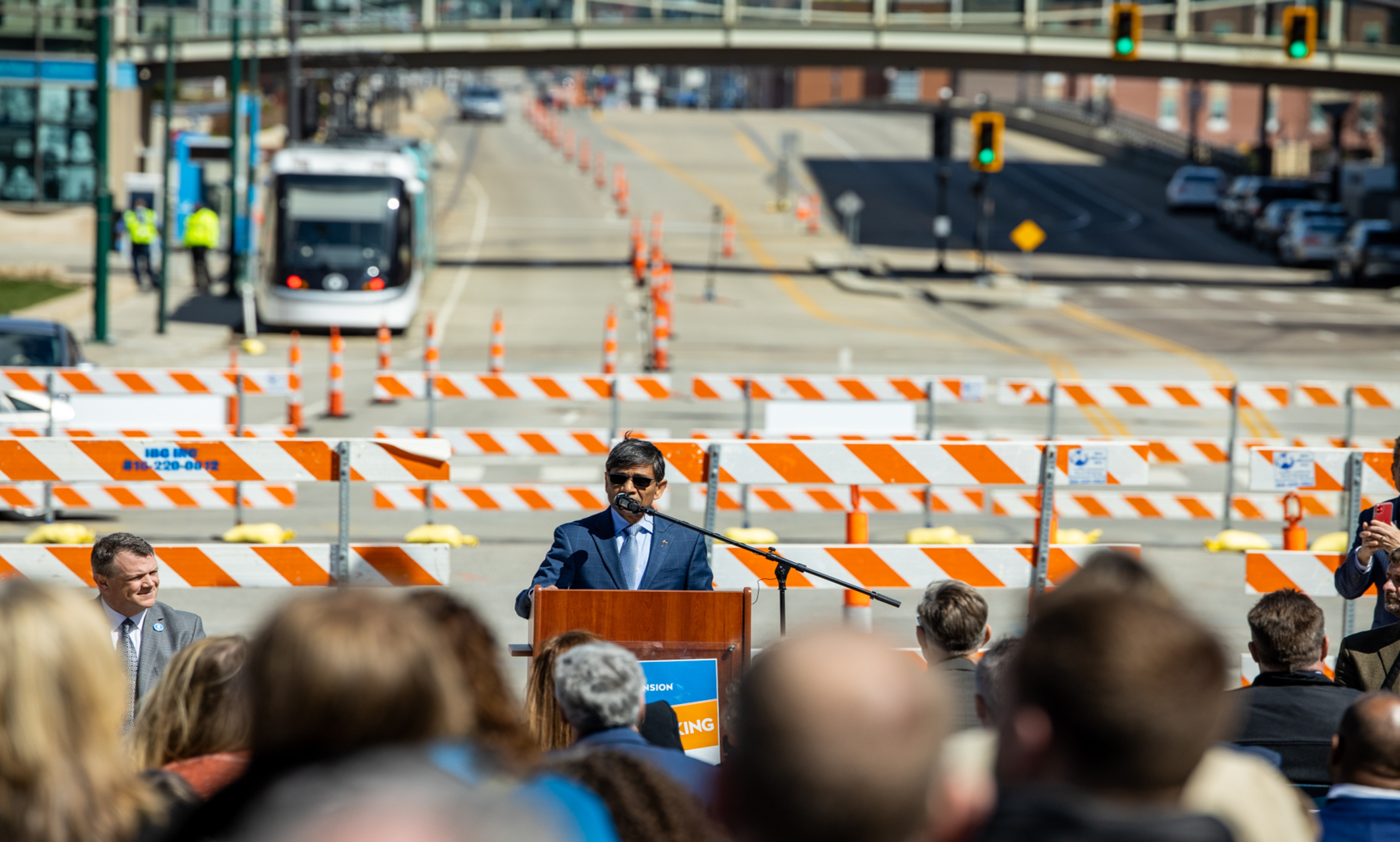
The project will provide enhanced access between UMKC and the Kansas City community
Construction on the new KC Streetcar extension project broke ground on Wednesday. The project will provide enhanced two-way access between UMKC and the Kansas City community, extending the existing Streetcar route from the River Market straight to UMKC’s doorstep.
“The extension of the Kansas City Streetcar to our doorstep will take things to another level entirely. As the new southern destination for this ultra-modern system of free public transportation, UMKC sees endless possibilities for the university, and the community it serves,” UMKC Chancellor Mauli Agrawal said at the event.
Agrawal spoke at the groundbreaking alongside Kansas City Mayor Quinton Lucas, Nuria Fernandez of the Federal Transit Administration and Tom Gerend of the KC Streetcar Authority. More than 100 community members and stakeholders were in attendance.
“The streetcar extension will boost the university’s visibility dramatically when we become a major boarding and existing site for the region’s most popular transit system. We anticipate that streetcar access will build a whole new population of people discovering – and taking advantage of – the many ways they can partner with UMKC,” Agrawal said.
The extension project, which has gone through planning and design by city officials since 2017, will cover more than 30 city blocks and will extend the existing 2.2-mile ‘Starter Line’ to the UMKC Volker Campus.
The UMKC Streetcar stop will be at 51st Street and Brookside Boulevard. The stop, which was unveiled at the event, will feature a large overhang with benches, a map of the streetcar’s route and plenty of room for standing.
“The streetcar will deliver people to outstanding music, dance and theatre performance by the faculty and students of our Conservatory; to medical services such as our dental clinic; to our signature events such as the Martin Luther King Jr. and Cesar Chavez lectures; to our KC Roos NCAA Division I sports program; performances at the Kansas City Rep; and so much more,” Agrawal said.
The extension project, and the opening of the new UMKC Streetcar stop, is projected to be completed sometime in 2025.
Apr 06, 2022
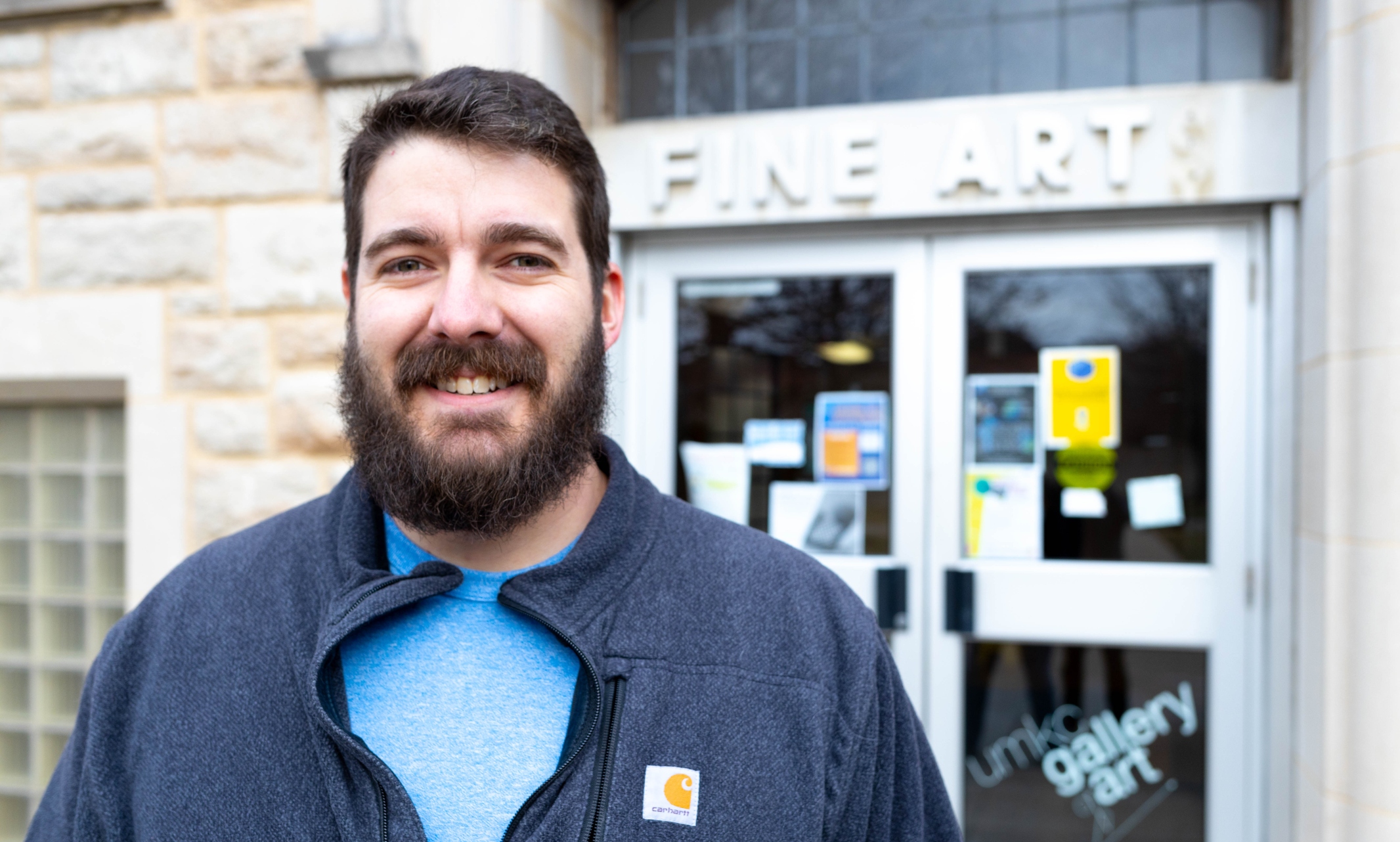
Eric Quinones is pursuing an art degree after serving in the Air Force
Roos don’t just dream, they do. Our students turn ideas into action every day. Get to know our people and you’ll know what UMKC is all about.
Eric Quinones '23Anticipated graduation year: 2023UMKC degree program: B.A. studio artHometown: Independence, MO
After seven years serving in the military, Eric Quinones from Independence, Missouri, is on a new path. The junior in studio art is pursuing his dream of becoming a video game designer and exceeding his own expectations along the way.
Why did you choose your field of study?
I hope to utilize my degree to get my dream job, which is a video game designer. I chose my field of study (studio art) because it helps me gain a leverage on becoming a video game designer as far as putting the art in my background and in my portfolio to design more intricate stuff.
Quinones said studying at UMKC has allowed him to explore new mediums of art
What inspired you to pursue video game design?
I’m an avid gamer and I enjoy video games. I wanted to create a video game of my own that would have good storytelling and drama rather than just guns and swords and killing. So the art is art of the gaming itself. Creating visual art within a 3-D world that doesn’t exist.
What are the benefits of the program?
The benefits of the program are to build up a portfolio, as well as building up your art background to find out what kind of art styles you like, whether it’s painting, drawing or photography. UMKC has great faculty.
Since entering college, what have you learned about yourself?
I’ve learned that I can achieve more than what I thought. I’ve never been very good at school, but now that I’m in college, I’ve passed my first two years and I’m working on my third year, which is beyond my comprehension of what I used to be.
Do you have any scholarships? What do they mean to you?
I have the GI Bill. I was in the Air Force from 2010-2017 and went on two deployments, one in Cuba and one in Qatar. I was doing HVAC, so it’s a drastic switch; I can’t just come out of that and say, “I want to do video games.” So I have to go to school. The GI Bill has been a huge benefit.
What do you hope to take from your experiences at UMKC into your professional career?
I hope to take this degree and all the forms of art to better advance my idea and scope of what I want to create as far as video games go. My old works can inspire me, as well as the writing I did in the basic writing courses. That helped me as well. All the classes really do help out in general.
"I've learned that I can achieve more than what I thought." — Eric Quinones, junior in studio art
Quinones served two deployments, one in Cuba and one in Qatar
Have you felt supported?
Very supported, very encouraged. Definitely in the beginning years, they know everyone is fresh out of high school. They’re trying to figure out their life. It’s the same with me, being a veteran and coming back into the real world. The faculty is very supportive, they help guide you to resources to help you along your path.
What are you most proud of during your time at UMKC?
I would say the art I’ve created because without the need to create art, the art wouldn’t exist. But I hope to pursue that a little more after school, that way I can get more of my art out there, more of my ideas and concepts out there.
Apr 05, 2022
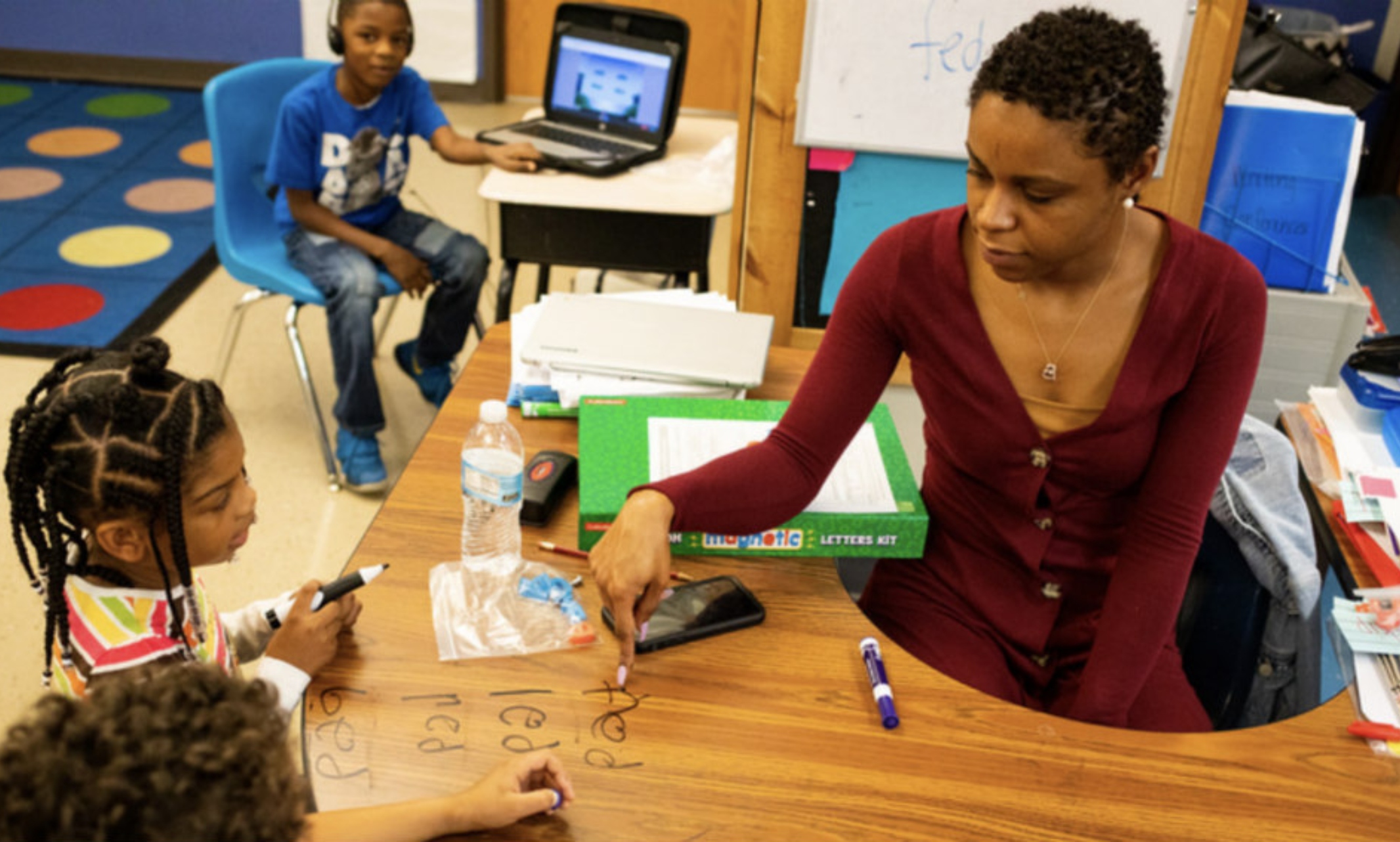
The Institute for Urban Education Grow Your Own program is designed to train teachers to serve the Kansas City area
More than 100 local high school students will be at the University of Missouri-Kansas City School of Education on April 5 as part of the university’s Institute of Urban Education Grow Your Own program.
The IUE Grow Your Own program was founded in 2019 to address teacher shortages, retention and diversity in Kansas City schools. The program is designed for students from urban Kansas City school districts to receive an affordable, supportive college education then return to their home districts as highly qualified, culturally responsive educators. Students begin the program in high school with dual credit and mentorship opportunities to help provide guidance as they explore a career in teaching. Once in college, the program focuses on creating culturally responsive educators focused on relationships with their students and community.It’s a mission that has become even more crucial during the COVID-19 pandemic, which has intensified the pre-existing shortage of educators. According to a December 2021 report from the Missouri Department of Secondary and Elementary Education, the retention rate for teachers after five years was 46.5% in 2021.
Students in the program will spend the full day on campus to present their solutions to issues of educational inequity confronting school communities. The event is from 9:30 a.m.-2 p.m. at the Atterbury Student Success Center located at 5000 Rockhill Road.Current participating high schools in the IUE Grow Your Own program include Center High School, Crossroads Preparatory Academy, DeLaSalle High School, Grandview High School, Guadalupe Centers, Hogan Preparatory Academy High School, Lincoln College Preparatory Academy and Northeast High School.
Apr 04, 2022
The Starr Women’s Hall of Fame recognizes Kansas City women of distinction
Every two years, an independent panel of Kansas City community leaders selects local women of significance for the Starr Women’s Hall of Fame.
This year, the panel is once again seeking nominations for women with noteworthy ties to the Kansas City area who have historically or more recently made important and enduring contributions in their fields of work.
The nomination form and full directions for making a nomination are available at https://www.umkc.edu/starrhalloffame/directions.asp. The deadline for submitting a completed nomination packet is June 30.
The Hall of Fame has inducted 37 Kansas City women, half of them posthumously. Members of this select group include philanthropists, business executives, women’s and civil rights activists, political leaders and more. The list of inductees and their bios can be found at https://www.umkc.edu/starrhalloffame/hall.asp.
The Women’s Hall of Fame is named after Martha Jane Phillips Starr. A Kansas City philanthropist and women's rights leader, Starr was one of the first women to serve on the UMKC Board of Trustees. She played an important role in establishing the university’s Women's Council and the Graduate Assistance Fund, which today provides financial assistance to female students. UMKC’s annual Starr Symposium is named after and endowed by her.
Starr died in 2011 at the age of 104.
The Starr Women's Hall of Fame is funded by her family, the Starr Education Committee and the Starr Field of Interest Fund. It is also supported by 26 leading women’s organizations throughout Kansas City.
Mar 28, 2022
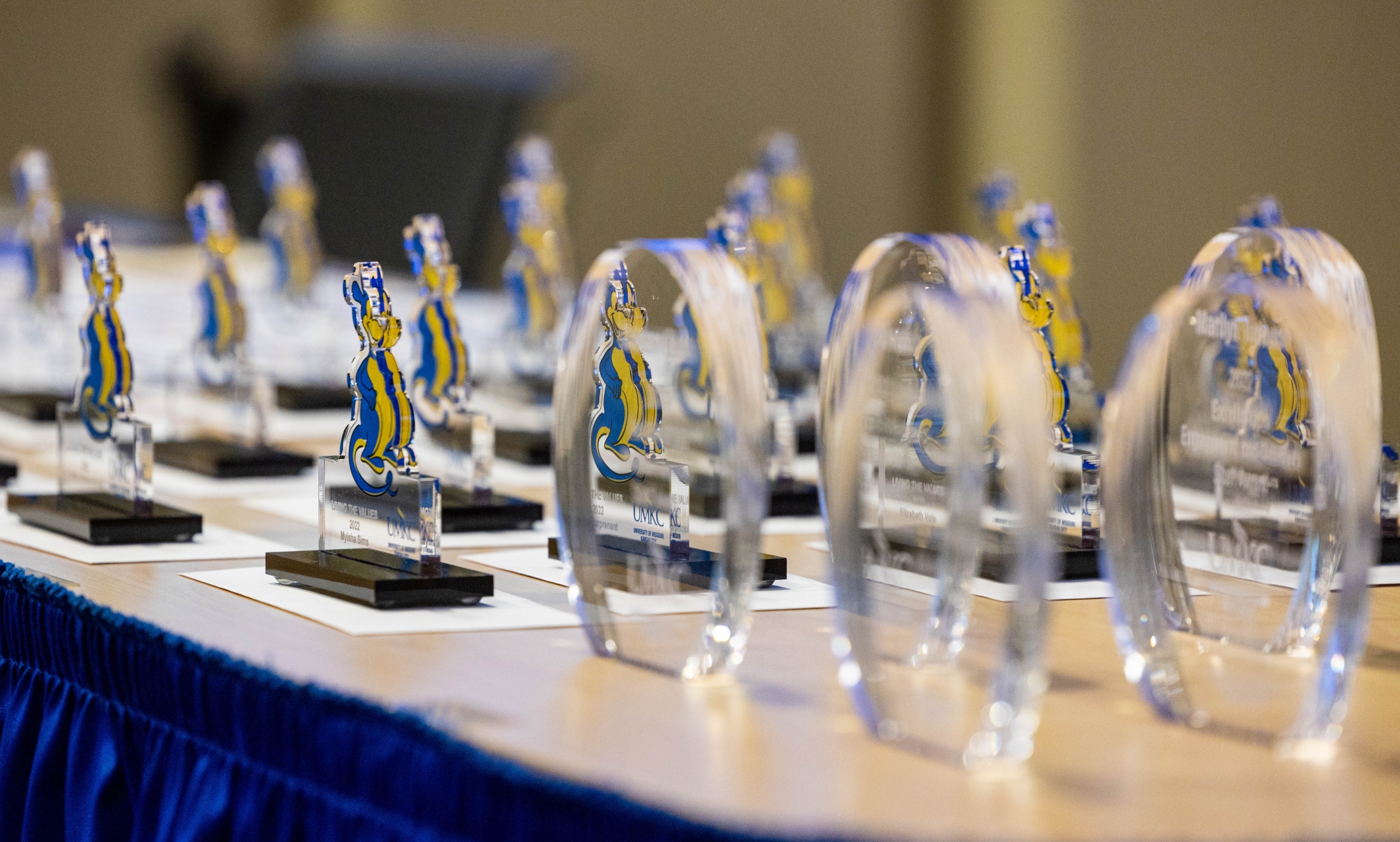
The awards recognize staff excellence and milestone achievements
The University of Missouri-Kansas City recognized more than 240 employees at the 2022 Staff Awards ceremony in March. The annual event is an opportunity for UMKC to celebrate staff members who have achieved personal and professional milestones, shown extraordinary commitment to service and ethics and championed the university’s commitment to student success, diversity and inclusion, engagement and outreach, and research and discovery.
Due to the COVID-19 pandemic, it was the first time in two years that UMKC staff could join together for an in-person celebration. Chancellor Mauli Agrawal, Ph.D. recognized the original COVID-19 tracing team at the awards. The team includes Obie Austin, Robin Hamilton, Dea Marx, Chris Popoola and Jill Reyes.The Chancellor praised the staff for all the work they have done to go above and beyond, even when faced with challenging circumstances of the pandemic.“Our staff members are the heartbeat of this university,” said Chancellor Mauli Agrawal, Ph.D. “Every year, I am overwhelmed by our staff’s dedication and accomplishments.”
The 2022 Awards were held in person for the first time in two years
Congratulations to the 2022 awardees:
20 Years of Service
Amir AyoubRebecca BergmanRichard BighamTyrone BleaMatthew BrownVerna CrowderMary FloresRobin HamiltonDavid LucasTanya MooreDeloris PhelpsKimberly RudolphLaura RuppRobert SmithJane VoglAnthony WescottKaren WilkersonMarie Winzer
25 Years of Service
Patrice AdamsSelena AlbertJames BradleyAndrea DiRaimoDarren HerseyJames HoltNancy KunkelLyndsey MagroneKeivan MoghadamNghi PhanEarl ReedSteven StonerAnjing Xu
30 Years of Service
Lena JonesKristen Temple
35 Years of Service
Michael BongartzCara BradleyBarbara Glesner FinesJames HavnerShelly JanaszDavid JohnstonJonathan Shroyer
40 Years of Service
Doretta KiddJennifer Underwood
Marilyn Turbush, front row second from right, celebrates her award with the External Relations and Constituent Engagement staff
Staff who graduated with a UMKC degree in Spring 2021, Summer 2021 or Fall 2021
Olivia BrownLauren CrusoeDestiny Delgado PetersonJocelyn GarciaRoland Hemmings Jr.Chante KellerKelly McDonaldLeta MolerEmma SatterfieldHannah ShacklesJulie SmithSuman SumanStephan Young
Supervisory Development Series Graduates
Wayne NagyAnna Zimmerman
Dr. Elson S. Floyd Administrative Leadership Development Program
Nate AddingtonMatthew BrownKatie GareyRosa NatarajTammy Welchert
Series on Leadership Essentials Program
Nancy BahnerRebecca BergmanErin BumannGina CampbellBrenda CindrichRob DurhamJames HavnerDanita JohnsonCamille Johnson-ArnoldCaitlyn MapelAdrena MasonChristen MelvinLiz MuleskiPatricia MullinWayne NagyJessie RiggsJames ShackelfordEmily Strayhall
Living the Values Award
Cynthia BeardMatthew BrownLauren ButlerDiane ElliottCollin FosterMichael GravesKendell HaleRobin HamiltonAlia HerrmanErika HollidayShelly JanaszCamille Johnson-ArnoldJulie KohlhartMousami MohantyLora OwensBarbette RoachMyisha SimsTess SurprenantElizabeth ValleKaitlin Woody
Krystal Olmos-Romero, front left, celebrates her award with co-workers from the School of Nursing and Health Studies
Staff AwardsStaff Council Dedication Award
Julie Myer, Senior Student Services Coordinator, International Student Affairs
Excellence in Student Success
Chelsey Butts, Student Support Specialist II, College of Arts and Sciences
Excellence in Research and Creative Works
Chris Winders, Director Research Activities, Office of Research Services
Excellence in Engagement and Outreach
Marilyn Turbush, Office Specialist, External Relations and Constituent Engagement
Excellence in Multiculturalism, Globalism, Diversity and Inclusion
Makini King, Interim Vice Chancellor of Diversity and Inclusion, Division of Diversity and Inclusion
Excellence in Planning, Operations and Stewardship
Sandy Wilson, Finance and Accounting Manager, Office of Research Services
Rising Star
Krystal Olmos-Romero, Senior Office Support Assistant, School of Nursing and Health Studies
Chancellor’s Staff Award for Extraordinary Contributions
Liz Hoffman-Shrout, Director II Student Support Services, UMKC Campus Recreation
Mar 28, 2022
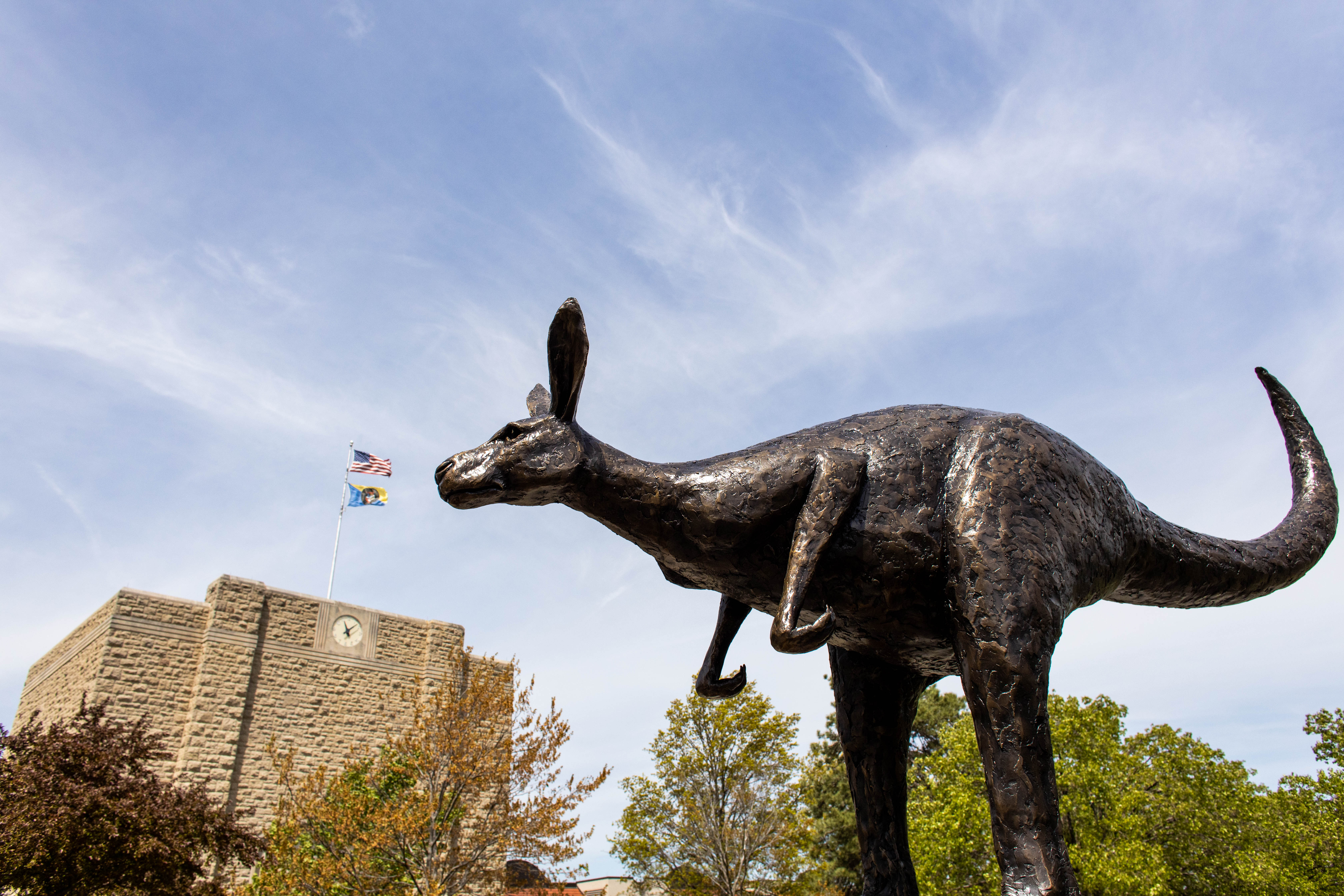
U.S. News & World Report recognizes excellence in primary care, trial advocacy and legal writing
The UMKC professional schools of Law and Medicine achieved high rankings in the 2023 graduate school rankings by U.S. News & World Report.
The School of Law was ranked among the nation’s best in two key legal education categories: Trial Advocacy (no. 31) and Legal Writing (no. 21). The School of Medicine was ranked no. 52 in the nation for Primary Care, up 12 places from last year’s rankings. The 2023 rankings list was released March 29.
The Trial Advocacy ranking came in 23 places higher than last year; Legal Writing was up 13 places. Overall, the School of Law was ranked no. 114 nationally.
“Trial Advocacy is more than just public speaking in the courtroom – it is a skill that requires understanding and translating a client’s story into a persuasive narrative that must fit the constraints of the formal rules of evidence and procedure,” said Barbara Glesner Fines, dean of the UMKC School of Law. “Legal Research and Writing is a foundational skill for all attorneys. Attorneys communicate in writing to their clients, public, courts, companies – it’s all writing, all the time and the formats vary significantly across the audiences. UMKC is proud of its record of educating our students to be excellent professional writers in all these settings.”
In addition to its overall ranking, the School of Medicine ranked No. 29 in the nation for graduates practicing in healthcare shortage areas.
“The UMKC School of Medicine opened its doors more than 50 years ago on our Health Sciences District campus with a commitment to serve the people of Missouri,” said Mary Anne Jackson, M.D., dean of the UMKC School of Medicine. “We are leading the way as we provide the highest quality programs to educate our next generation of outstanding healthcare professionals and provide the highest quality of care to our community and beyond.”
Jackson noted that UMKC medical program is built on the enduring vision of Dr. E. Grey Dimond. Students experience an innovative curriculum, care for patients in clinical settings from day one, and learn in small teams led by docent physician mentors, who emphasize a humanistic approach to medicine. And now UMKC’s model takes place not only on the Kansas City campus but in St. Joseph, Missouri, serving a more rural population.
Earlier this year, in its annual ranking of online graduate programs, U.S. News ranked the online graduate nursing program at the UMKC School of Nursing and Health Studies among the nation’s top 50 for the tenth consecutive year.
Mar 28, 2022
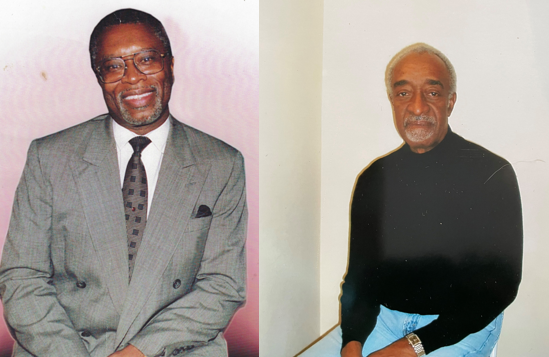
UMKC Alumni Association honors the North/Cheadle Family with the 2022 Legacy Award.
Each year, the UMKC Alumni Association recognizes the achievements of outstanding alumni with an awards celebration. UMKC is honoring the North/Cheadle Family with its Class of 2022 Legacy Award.
The North/Cheadle family's UMKC legacy dates back to the 1960's. Basil North Jr. (B.A. '61, J.D. '71) and his brother-in-law Donald Cheadle Sr. (M.A. '70) were the first in their family to graduate from Kansas City's university and laid the path for many generations that followed to become Roos.
Currently, 14 members of the North/Cheadle family have graduated from or are currently attending UMKC, including Basil North Jr.'s wife, Loretta North, who both attended UMKC and taught in the School of Nursing.
Not only have members of this family graduated and/or attended UMKC, but each selected different academic degree paths also demonstrating excellence across several schools on campus. The family is very committed to public service, with many participating in numerous and impactful volunteer initiatives.
Below is an interview with some members of the North/Cheadle family:
What role did your family's legacy at UMKC play in your choice to study here?
Basil North Jr.: My older sister, Sandra L. North and my cousin, Bertha Joyce Graham both attended UMKC. I attended on a Victor Wilson scholarship which provided academic scholarships for talented young males in Kansas City who attended either the University of Kansas City or Yale University.
Sheryl North (B.A. ’82, M.D. ‘82): It is special to be able to attend the same university where my mother and father studied. Knowing they walked the same campus and maybe even took classes in some of the same buildings is incredible.
How did your family shape your dedication to education and your chosen profession?
Maria North Morgan (J.D. ‘91): My mother was a teacher and always stressed the necessity of education to create self-sufficiency. After my mother’s death, when I was 23, my sister Sheryl and I decided to move back to Kansas City to help my father finish raising my younger sister Dayna. My mother’s death was such a life-altering event for me that it changed my career goals. I’d grown up fascinated by watching my father build a career as a well-known civil rights and business attorney, but I was hesitant to choose the same career and live in his very large shadow, however, the pull towards a career in civil rights was too strong, and I decided to apply to law school.
Evelyn Clark (D.D.S. ’88): It came from my family’s dedication to educational excellence. This dedication spanned over a half-century. The examples were set not only by my college education grandmother Bertha Graham and her sister Louie North in the 1920s but also by my mother Mary Graham in the 1930s and ’40s, followed by my aunt and uncle in the 50s and 60s.
How has activism made an impact on your professional careers?
Basil North Jr.: My professional career, practicing law, is, itself activism. I have represented many individuals who have been discriminated against in their employment. I have also been active in the Jackson County Bar Association, both sponsoring leaders and having been president of the association. When I first began practicing law, some judges called African-American lawyers "boys." Through the Jackson County Bar Association, we assisted in ushering such practices out of existence.
Sheryl North: I was very fortunate to attend UMKC Medical School which was always attentive to equity and diversity. 50% of my medical school class was female.
Evelyn Clark: Activism has undoubtedly made a marked impact on the dental profession. Historically the profession has been predominately male. But the gender face has changed. I witnessed it first-hand. In 1984, 25 percent of my entering doctorial class of 120 was female. Currently, female enrollment in dental schools outnumbers male student enrollment.
What professional and personal experiences have most impacted your life? How has your education informed those experiences?
Maria North Morgan: My work in the fields of education and health care field helped to shape a passion for the necessity of building equity into every aspect of our laws and policies in this country. Our laws are built based on our values - so many of the laws created during the 20th century were not designed to benefit all citizens. I took civil rights courses while in law school to learn the history of civil rights. I have spent my legal career working to help people overcome the institutional barriers that prevent them from living a healthy, happy life.
About the Alumni Awards
Join us in honoring the North/Cheadle Family and other Class of 2022 awardees at an in-person celebration at 6 p.m. at the James C. Olson Performing Arts Center. To register, visit UMKC's Alumni Association website. If you are unable to attend the event but would like to donate to student scholarships, contributions can be made online.
Mar 28, 2022
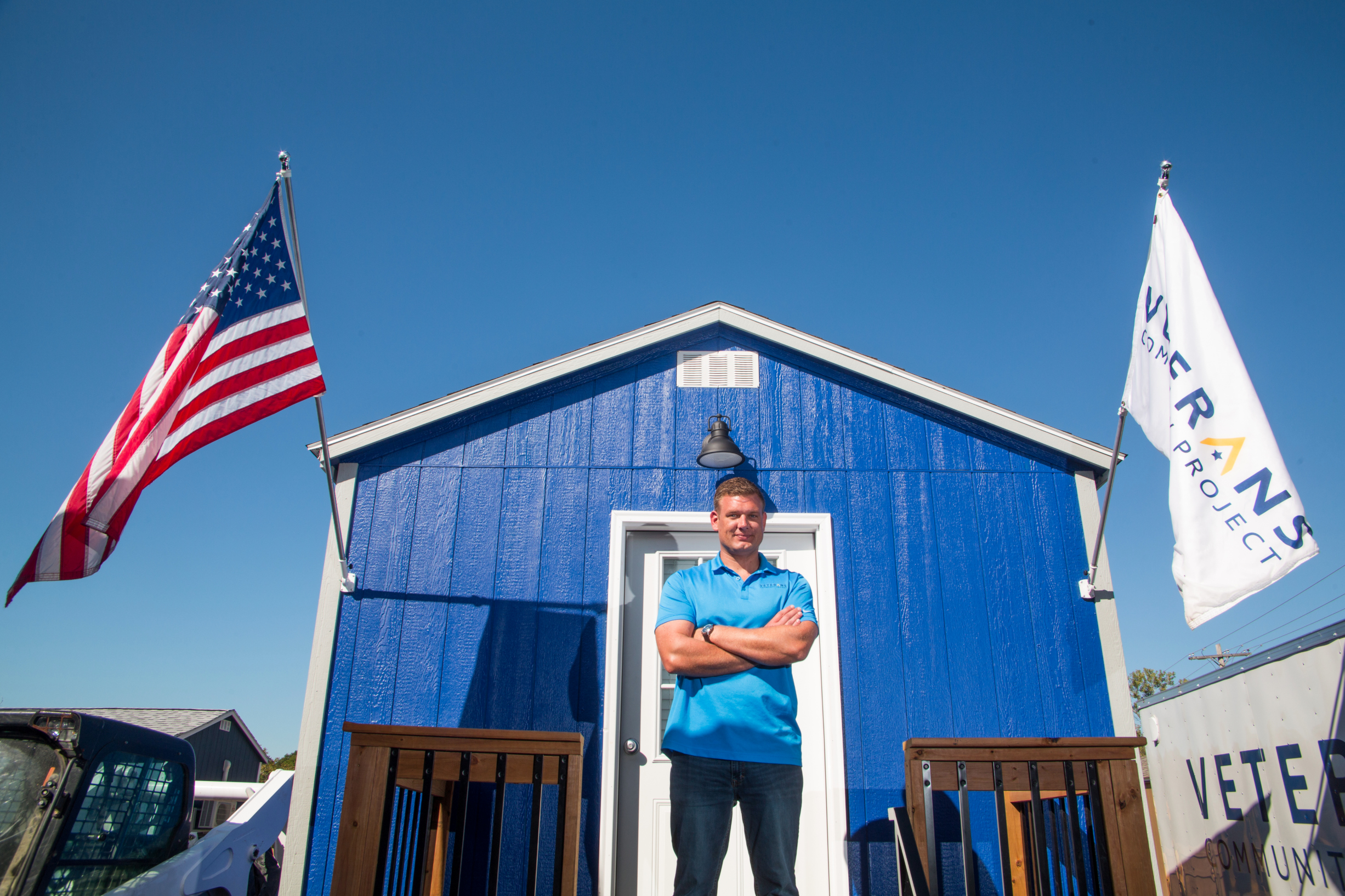
Bryan Meyer honored as UMKC Alumnus of the Year
Each year, the UMKC Alumni Association recognizes the achievements of outstanding alumni with an awards celebration. The university and the association are honoring Bryan Meyer (B.A. ’11, M.P.A. ’15, J.D. ’15) with the Alumnus of the Year Award.
Meyer is a co-founder of the Veterans Community Project at 89th and Troost in Kansas City, an innovative non-profit that provides housing for homeless veterans in a tiny home village. The idea arose from meetings he convened among numerous local veterans like himself who wanted to do something to address homelessness and other problems in the veteran community. Today, under Meyer’s leadership as CEO, the VCP also provides wrap-around support services and emergency assistance.
Buoyed by the VCP’s local success, Meyer was inspired to take the concept nationwide. In 2019, he brought on fellow veteran and former Missouri Secretary of State Jason Kander to lead the expansion campaign. Using Kansas City as the blueprint, VCP has officially begun its expansion launching its first satellite location in Longmont, Colorado.
What personal experiences drove you to pursue a law degree and M.P.A.?
When I began at UMKC, I didn’t have a plan to pursue a particular degree because I didn’t know what my long-term goals were. Instead of pursuing a degree, with the intent to secure a particular job, I pursued subjects I found interesting. Those interests eventually lead me to an understanding of my desire to assist those around me. I know the knowledge gained from an M.P.A. and law degree have been instrumental in my ability to provide a benefit to my community.
What has been the greatest challenge in launching the VCP?
The greatest challenge was taking something from a good idea to an actuality. Veterans Community Project is a great idea, but even the best ideas aren’t enough, it’s the ability to implement ideas that makes a difference.
What do you hope for in the future for yourself and Veteran’s Community Project?
I hope Veterans Community Project reaches every community across the country. There is a need for this programming everywhere. The scale of it may change but the need is everywhere.
What advice do you have for students who’d like to follow in your footsteps?
For anyone trying to create a solution to a problem, I would tell them to listen to the stakeholders. Don’t assume your solution is correct without first discussing it with those who will be impacted by it.
What is your favorite UMKC memory?
On the first day of law school all the first-year students were gathered in the same room. Students were asked to stand when certain phrases applied to them. For example, “stand if you have more than 5 siblings” or “stand if you own a pet.” Eventually, we were asked to “stand if you don’t even know if you want to be a lawyer”, so I stood up. I was the only person standing. Apparently, most people don’t attend law school without the intention to be a lawyer.
How did UMKC prepare you for/contribute to your success?
UMKC consistently reminded me there is always more to learn. For example, while in pursuit of my Masters, I took a class in leadership. I served five years in the Marine Corps and lead other Marines in two different combat deployments, I attended the first day of class confident there wasn’t anything I could learn on leadership from a classroom I didn’t already know from personal experience. I was wrong. The class remains one of my favorites, and I still revisit some of the material for a refresher.
About the Alumni Awards
Join us in honoring Meyer and the other Class of 2022 awardees at an in-person celebration at 6 p.m. April 29, at the James C. Olson Performing Arts Center. To register, visit UMKC's Alumni Association website. If you are unable to attend the event but would like to donate to student scholarships, contributions can be made online.
Mar 25, 2022
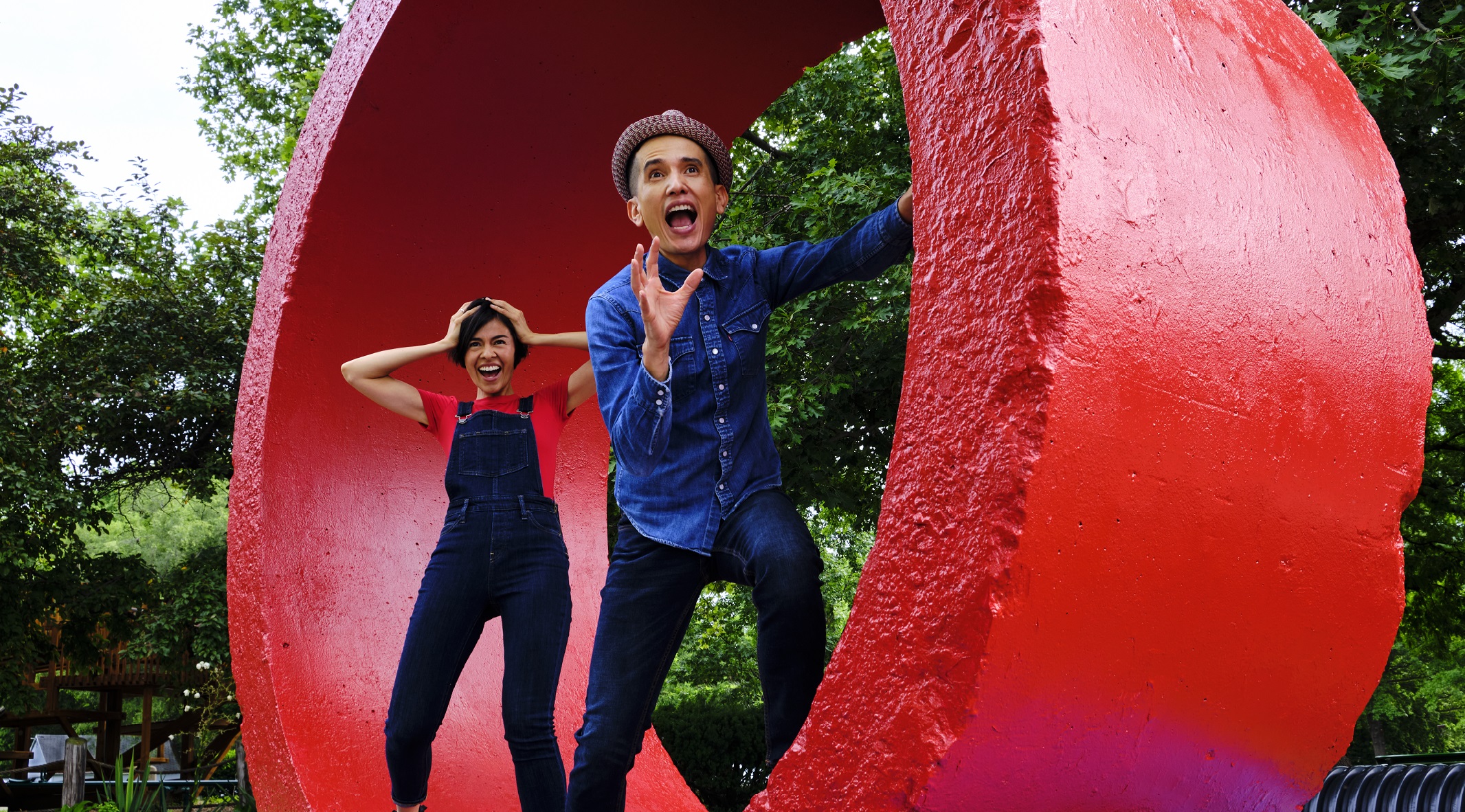
2022 GRAMMY® nominations include Roo faculty and alumnus
The UMKC Conservatory is well represented at this year’s 64th annual GRAMMY® Awards with faculty members who comprise Sandbox Percussion and alumnus Andrés Salguero, (DMA ’11) and his wife Christina Sanabria receiving recognition for outstanding work.
Sandbox Percussion is a quartet of Conservatory faculty Jonathan Allen, Victor Caccese, Ian Rosenbaum and Terry Sweeney. The group was nominated in the Best Chamber Music/Small Ensemble Performance and Best Contemporary Classical Composition categories. Trumpeter Kevin Noe, visiting professor and director of orchestras at the Conservatory, encouraged the ensemble to come teach at UMKC.
“Kevin told us that UMKC was looking to hire a percussion professor and he thought it would be great if the school would consider thinking outside the box and consider all four of us as a teaching unit,” says Rosenbaum.
The world premiere of the GRAMMY® nominated composition, “Seven Pillars” was supposed to take place in April 2020 but was cancelled because of the COVID-19 pandemic.
“The cancellation was one of the hardest to handle. We had been developing this piece for years,” Rosenbaum says.
Sandbox Percussion
But the cancellation and the ensuing free time allowed the quartet to focus on the recording. They devoted a year to recording the album and creating 11 films to accompany it. They were together in a meeting when they received the news of the GRAMMY® nomination.
"If it had to happen to one project that we were involved with, we are so glad that it is this one!" — Ian Rosenbaum
“We paused our meeting for a second as they announced our categories – and then we completely lost it. We knew how proud we were of this album and this work, but we never imagined that it could get recognized in this way,” says Rosenbaum. “We're also just so thrilled that these two nominations recognize not just Sandbox, but also Andy Akiho and his incredible work as a composer. If it had to happen to one project that we were involved with, we are so glad that it is this one!”
Salguero and Sanabria are “123 Andres,” a duet who focuses on children’s music. They received a GRAMMY® nomination for Best Children’s Music Album for “Activate,” their latest release, conceived to encourage children and families to be active. Salguero said he was too nervous to watch the GRAMMY® nomination livestream.
“Christina and I were home and my phone started buzzing and I was receiving text messages from friends. We were so surprised,” Salguero says.
“We are so excited to celebrate!” — Andrés Salguero
The couple had been working on the album for the last three years. They were already collaborating with other musicians long distance.
“Each musician was recording in their own studios. When the pandemic struck, we simply continued working this way.”
Salguero and Sanabria will be in Las Vegas for the ceremony April 3. “We are so excited to celebrate!” he says.
Mar 25, 2022
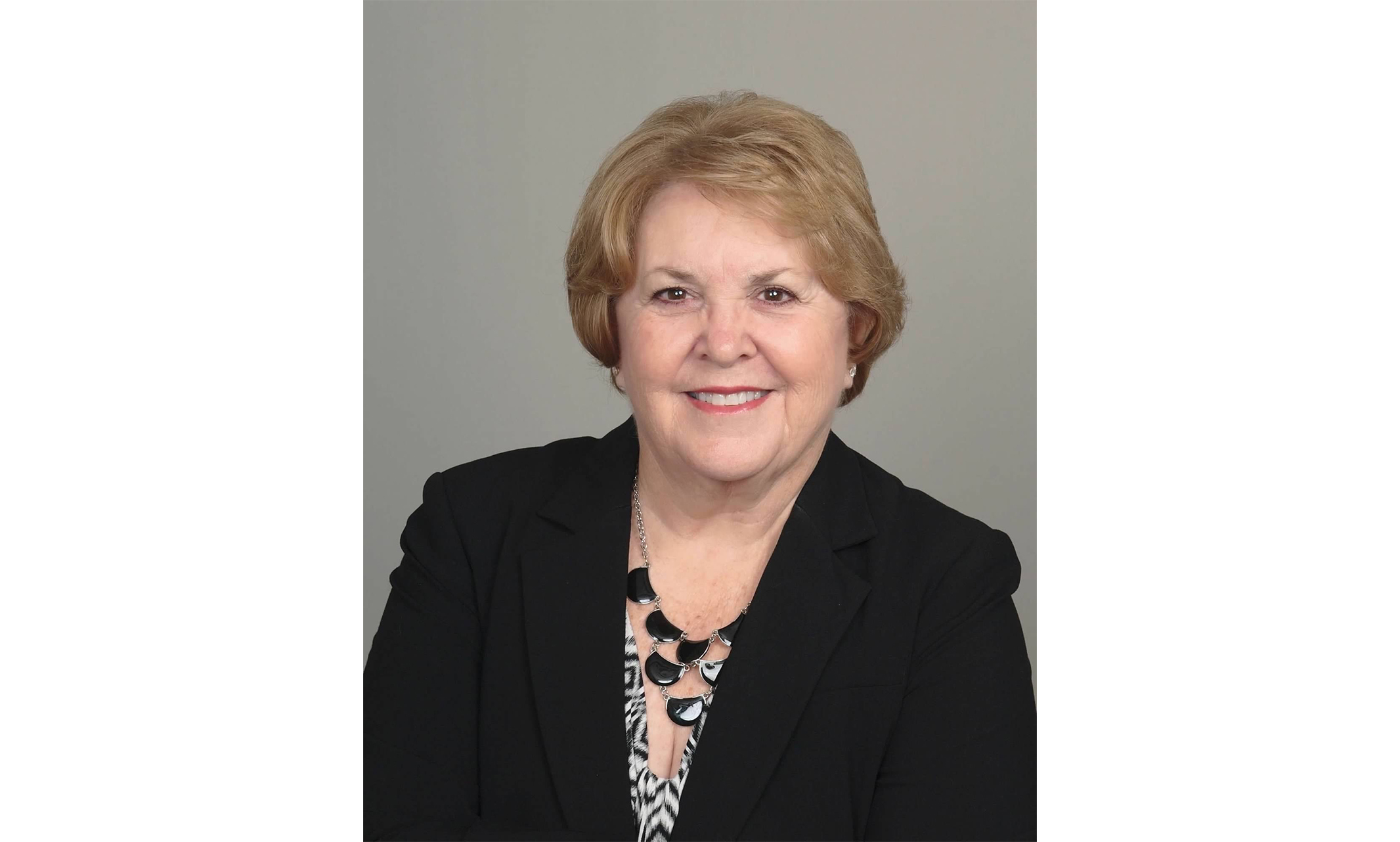
Jo Ann Weatherwax receives School of Dentistry-Dental Hygiene Alumni Achievement Award
Each year, the UMKC Alumni Association recognizes the achievements of outstanding alumni with an awards celebration. The School of Dentistry is honoring Jo Ann Weatherwax (B.S.D.H. ’06, M.S. ’12) with its Class of 2022 Dental Hygiene Alumni Achievement Award.
Weatherwax served as the founding dental program director for the Volusia County Health Department in Daytona Beach, Florida and has dedicated her career to help solving the national issue of access to oral health care services. As the first dental hygienist to serve as a dental director at a county health department in Florida, Weatherwax developed a clinical program, added an additional clinic to serve the western area of Volusia County and established a county-wide school sealant and oral health education program. Her dedication to the health department and safety net programs in Volusia County has resulted in the delivery of oral health care services to countless children and families. Along with her work in public health, Weatherwax has served in numerous leadership roles including most recently as the President of the Florida Dental Hygiene Association.
What inspired you to address oral health care by establishing a dental health program for the Volusia County Health Department?
In 2008, Volusia County had a very large population of Medicaid children. The county had unsuccessfully tried to establish a dental program. The children were suffering, families were frustrated and community trust was being tested. While my love has always been for dentistry, my passion has been public health. This was an opportunity to put into action my love, my passion, my education, my grass roots training and serve the most vulnerable of Volusia County.
How did your career begin? Where do you see it going?
My desire for a career in dentistry began in my teenage years when my orthodontist encouraged me to consider working in the field. I was amazed at the positive changes taking place in my oral health. If this could happen to me, then I wanted to help others have the same experience. At the age of 17, I jumped at the first opportunity at employment in the dental field and it was the best career decision I could have ever made. As time marched on, I found myself wanting to do more. I started my formal education in dental hygiene and while in school we were required to rotate through a public health dental program. One of my professors and my public health mentor (also a UMKC alumni), Dr. Mike Allen, encouraged all students to consider serving in public health. For me, it was a perfect fit.
What advice do you have for students who’d like to follow in your footsteps?
Search your soul, your heart and your motivation. Becoming a community dental director takes additional education, experience, perseverance and don’t forget prayer. Do not let yourself or others limit you. Look to the dental community for a mentor who is willing to invest in you. This may require moving and it may require more formal education but you can do it.
What drew you to UMKC?
I actually live in Florida but attended UMKC remotely. The UMKC School of Dentistry stood out for its high quality and respect in the dental community as well as the caliber of educators. While my professors challenged me, they also supported me and wanted me to be successful.
What is your proudest accomplishment?
My proudest accomplishment is achieving my master’s degree from UMKC as I am the first in my family to go to college. While my journey was long and challenging, the final walk across the stage with four grandchildren and my husband in the audience was a very proud moment.
About Alumni Awards
Join us in honoring Weatherwax and the other Class of 2022 awardees at an in-person celebration at 6 p.m. April 29, at the James C. Olson Performing Arts Center. To register, visit UMKC's Alumni Association website. If you are unable to attend the event but would like to donate to student scholarships, contributions can be made online.
Mar 24, 2022
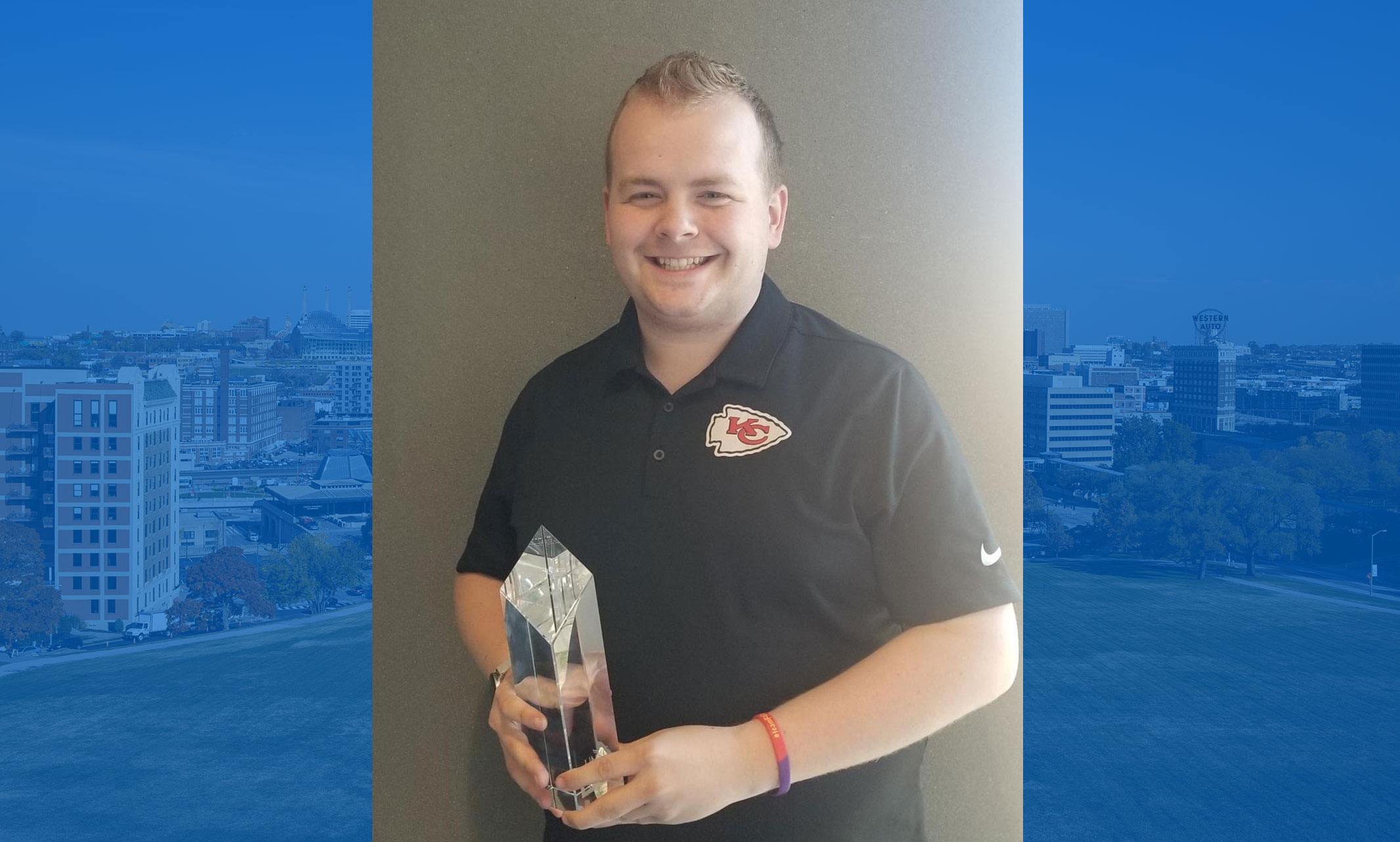
2021 Student Entrepreneur of the Year recognized for creation of payment-sharing app
Splitsy founder Brad Starnes (BIT ’20) knows from experience that sometimes waiting is a good thing. After all, it was waiting for his friends to pay him back for a dinner that inspired him to create the payment-sharing app in the first place. Splitsy, which allows each person in a group to pay their portion of bills directly, earned Starnes the distinction of the 2021 Student Entrepreneur of the Year award, but he had to wait for his accomplishment to be announced.
Due to the COVID-19 pandemic, the ceremony to commemorate his achievement was canceled, but despite the delay, he was eventually able to receive the award recognizing his innovative payment solution. We spoke with Starnes, who is currently seeking his master’s in business administration, about his inspiration for Splitsy, how UMKC helped him take his idea from concept to business and his advice for aspiring entrepreneurs.
What is Splitsy?
We’re a mobile application that allows roommates or shared households to share automatic payments. Currently, we partner with 15,000 billers nationwide. Users sign in to our application and set their predetermined splitting preferences. Then, every month when we receive that bill, we charge each person their individual portion and consolidate those into one payment to the biller.
What inspired you to create Splitsy?
One of my co-founders, Joe, and I have been friends since seventh grade. He went to UMKC as well, so he and I moved into the dorms together and then we decided to get an apartment. We had some problems sharing some bills. We had some other incidents that happened, too. We went on a group trip to Chicago and it was like 12 of us and we ordered a deep dish pizza. It’s super expensive for a deep dish in Chicago. We went to go split the bill at the end of the night and the restaurant didn’t split bills. I was the only one who had a credit card at the time, so I was able to put the purchase on the card and have everybody send me money back, but it took me almost three weeks after that trip to finally get all the funds back.That exact issue would be replicated and a lot of those pieces meshed together and got me to do it. Now I see so many people going through the same problem that I know it can be stopped.
You got your bachelor’s degree in information technology from UMKC. How did that help you with starting an app-centered business?
In the IT program, you have to do a bit of programming. You have to know how to manage databases. Those kind of things have really helped me now. We outsource most of our app-building, but I have taught myself how to code in a lot of the programming languages we use and I will hop in and do some of the smaller tasks so our developers can focus on more critical pieces of the platform. I wouldn’t have been able to that without the course work at UMKC. It also helped me understand the overall architecture of things, which really helped me conceptualize how technology can be connected.
What does this award mean to you?
It’s an award that has my name on it, but I see it as all-encompassing of everyone who has been involved. Not only was I being rewarded, but so were my cofounders who have been here along for the ride with me. Also, family and friends who have been supportive from the beginning. It was nice to be able to share that with the individuals who have helped us for so long. Just to be able to tell them thank you was really important to me.
As an entrepreneur, what are you most proud of?
I’m most proud of what I, and the people around me, have accomplished so far. The things that I have learned, just in this last 13 months doing this, is probably more than most people who go into the corporate world learn in the first three or four years in the job. I’m just proud of all of the knowledge that I’ve gained so far and where we’ve come. At this point, no matter if Splitsy works or not, I've gained the knowledge and expertise to prepare me for what's next.
What advice would you have for others looking to create a startup?
It is a fun ride being an entrepreneur, but it has its ups and downs. Just be open and ready to execute your idea and go forward with your dream. Also whether things do well or things get tough, plug yourself in the right ecosystem, like I have here in Kansas City. There’s always people who you can count on.
About the Entrepreneur of the Year Awards
The Entrepreneur of the Year Awards, which are sponsored by the Regnier Institute for Entrepreneurship and Innovation at the UMKC Henry W. Bloch School of Management, recognize innovative and creative accomplishments of entrepreneurs. The 2022 recipients will be honored at a ceremony Oct. 12, 2022.
Mar 24, 2022
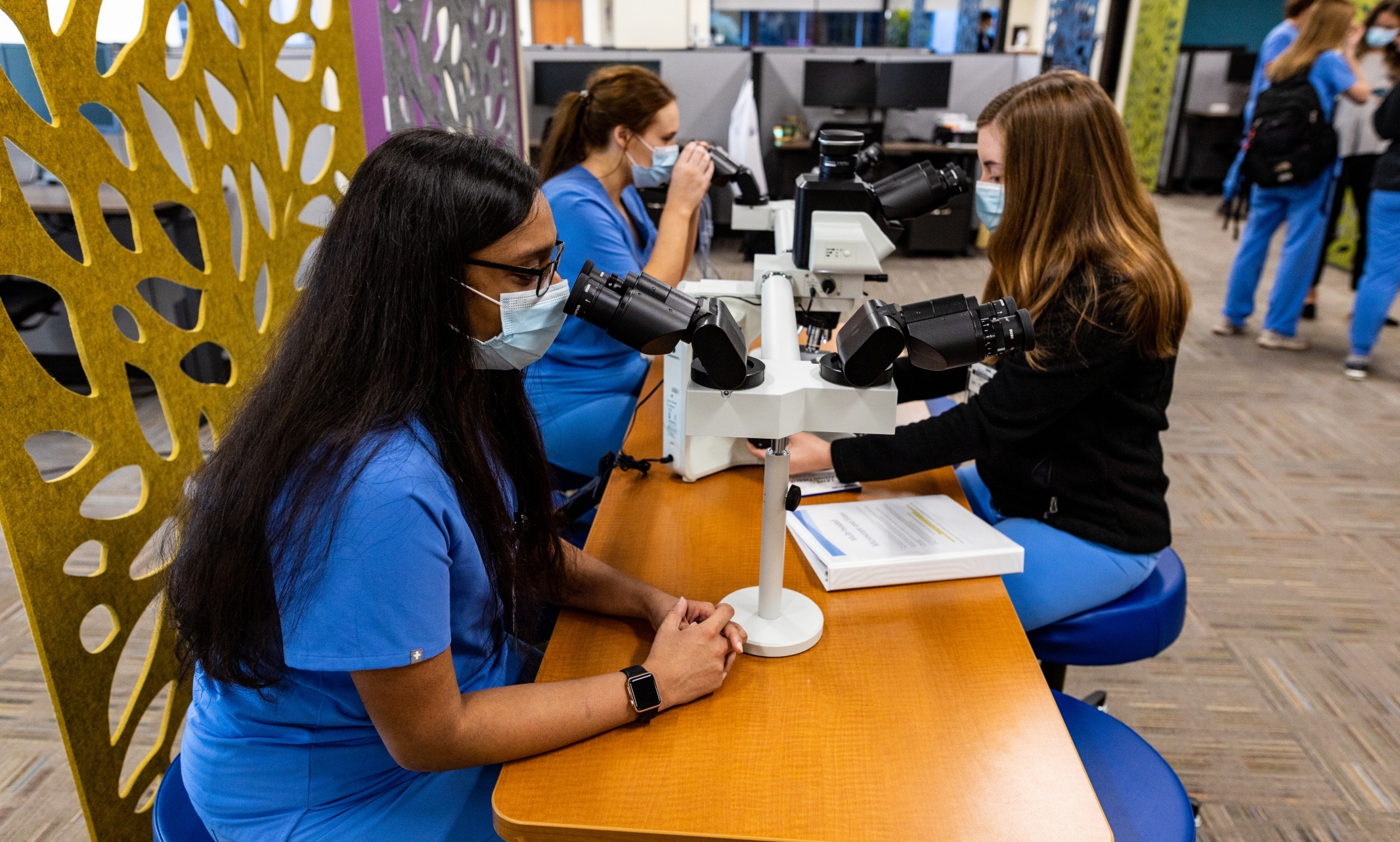
UMKC School of Medicine to expand St. Joseph campus
The University of Missouri-Kansas City will receive $17 million to help expand rural access to health care.
$15.5 million was allocated to the university as part of the $1.5 trillion federal government spending measure signed into law last week.
"UMKC has a strong culture of care and we are proud to help provide access to quality health care for all Missourians," said UMKC Chancellor Mauli Agrawal, Ph.D. "Like many areas of the country, the state of Missouri is facing a physician shortage in rural areas, leaving people in those communities vulnerable to negative health outcomes. We are grateful to Senator Roy Blunt for introducing this funding into the spending legislation, and to Congress for their support as we strive to meet that need and improve the lives of millions of people here in Missouri and across the U.S." Part of the appropriation will fund the expansion of the UMKC School of Medicine campus in St. Joseph, Missouri. The building is estimated to cost a total $14.5 million. $13 million will be covered by the appropriation bill with the remainder covered by state funding. The St. Joseph campus, located at Mosaic Life Care, opened in January 2021 to help address the state's rural physician shortage. The campus is quickly outgrowing its space. The funds provided by Congress will go toward constructing additional classroom and laboratory space. “The appropriation allows us to support our students on their medical journey with creation of physical learning space to encourage collaboration, exploration and discovery,” said Mary Anne Jackson, M.D., dean of the UMKC School of Medicine.
The remaining $2.5 million of the appropriation bill funding will help the UMKC School of Medicine expand behavioral health medical training at the St. Joseph campus. This experiential training is designed to improve access to behavioral health services in underserved areas, such as rural and low-income communities.
Blunt said the UMKC School of Medicine health care training programs in St. Joseph will be a benefit statewide.
“Our state is facing a severe physician shortage, creating major challenges for our rural communities and the more than one-third of Missourians who live there,” said Blunt. “As the top Republican on the appropriations subcommittee that funds health programs, I’ve been a strong advocate for the UMKC School of Medicine St. Joseph campus expansion and its important work in training physicians who will be uniquely qualified to provide care where it’s needed most. This includes enhancing physician training in behavioral health care. I appreciate UMKC’s commitment to strengthening our rural communities, and I’m grateful to all the physicians who will bring quality care to families in underserved areas across the state.”It's not the first time Blunt has championed resources for the UMKC School of Medicine. A longtime champion for health care, Blunt also played a pivotal role in establishing grant funding from the Health Resources and Services Administration to start and continue the program in St. Joseph. "Senator Blunt has been a strong partner for our medical programs to help us meet the needs of our community. I commend Senator Blunt for his leadership in addressing health care needs for all Missourians," said Agrawal. In addition to the contributions by Blunt, Missouri State Rep. Brenda Shields was instrumental in the creation of the UMKC School of Medicine St. Joseph campus.“The passion and enthusiasm for our mission from Senator Blunt and Representative Shields has been invaluable to us and ultimately will serve the rural residents of Missouri as our students graduate and continue their careers serving the people in the northwest region of our state,” said Jackson.The UMKC School of Medicine St. Joseph partner, Mosaic Life Care, is one of the largest private rural primary-care networks in the United States and a member of the Mayo Clinic Care Network. UMKC has a strong history of expanding access to rural health care education programs in Missouri. In addition to the School of Medicine program, the university operates satellite campuses for the UMKC School of Pharmacy at the University of Missouri in Columbia and Missouri State University in Springfield.This story was updated in August of 2023 to reflect all sources of federal and state funding.
Mar 24, 2022
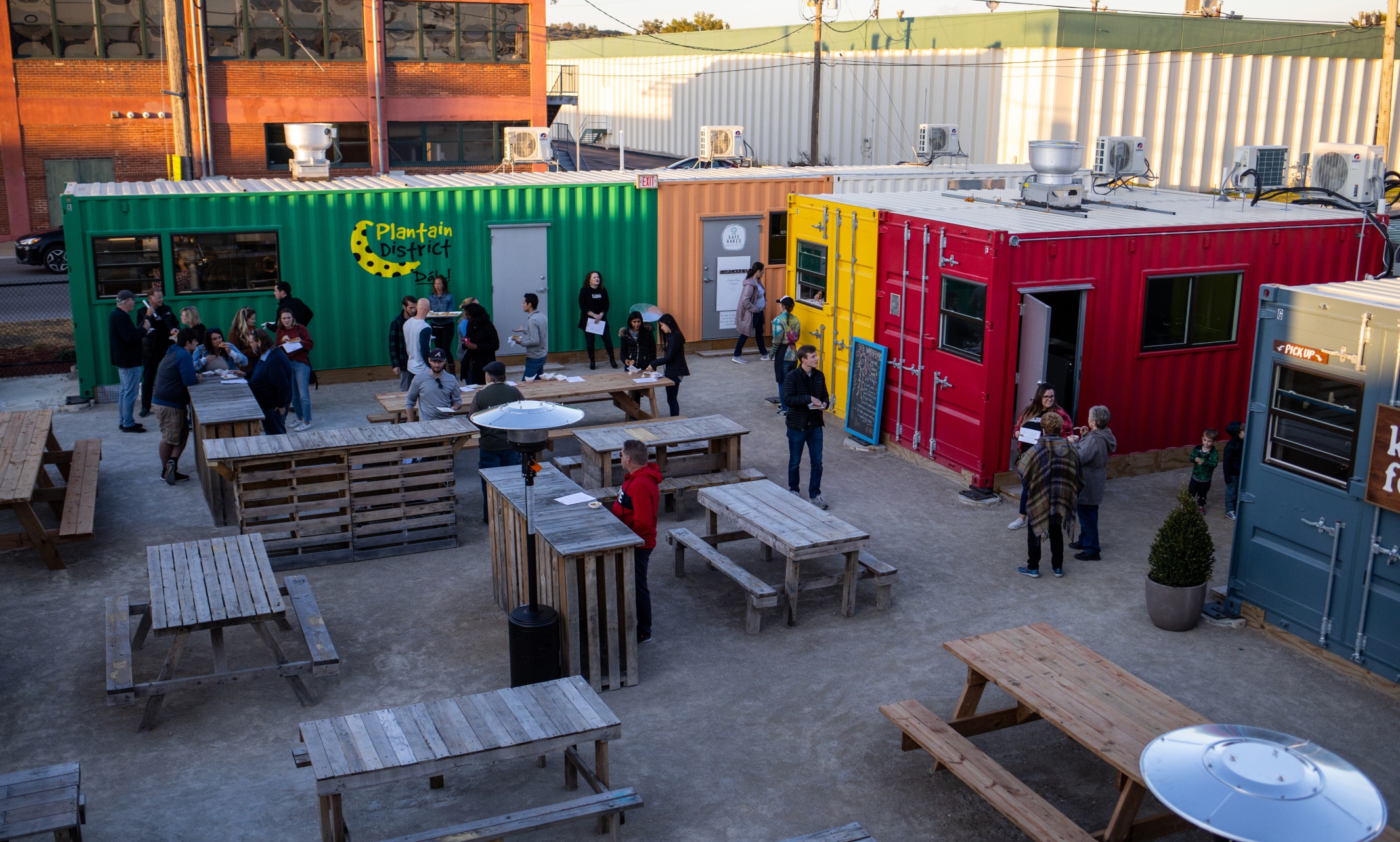
Some of the best local attractions and activities to visit without breaking your budget
Who said you need to travel to the beach to have an exciting Spring Break? Here are some local favorites to help you enjoy your well-deserved week off.
Food and Drink
Spring is in the air, which means it's time to get outside and enjoy the new weather! North Kansas City’s Iron District is a great place to dine al fresco from a variety of different vendors—from burgers and street tacos, to vegan and Thai cuisine, there are options for everyone. If you’re looking for somewhere to go during the weekend, check out the Farmers’ Market in City Market, open Saturdays in March and Saturdays and Sundays in April. The Farmers’ Market is where you can get fresh, healthy food from all over the world. For more fun, hop on the free KC Streetcar and go urban exploring! And for those days that you’d rather stay indoors, consider going on a Roasterie tour. At only $5 per person, you can tour The Roasterie Coffee Company’s factory and get a behind-the-scenes look at how their delicious, sustainable coffee is made.
City views can be enjoyed atop the Liberty Memorial tower or on the terrace below
Art and Museums
Who said Spring Break can’t be educational? At the Liberty Memorial Tower, which honors those who fought in World War I, you’ll be able to experience its history while getting to look out on Kansas City at over 200 feet high! If getting to spend hours in a museum is more your style, then check out the American Jazz Museum for only $10 and learn why Kansas City is one of the greatest places in the country for jazz. If you’re looking for something near campus check out the Toy and Miniature Museum! With free admission for students with their ID, this museum will make you feel like a kid again with its whimsical exhibits and collections. Our next-door neighbor, The Nelson-Atkins Museum of Art, also offers free admission and is Kansas City’s premier art museum, with some of the world’s greatest paintings and an outdoor sculpture park. Finally, experience the incredible magic of live theatre by planning a visit to KCRep for All. This program travels across Kansas City, offering free theatre to anyone and everyone.
Whiskers Cat Cafe partners with KC Pet Project to offer adoptable cats
Furry Friends
Sometimes the best way to spend the break is de-stressing, and spending time with an animal friend is a great way to do that. If supporting small businesses while surrounding yourself with cats sounds fun, then make your reservation at Whiskers Cat Cafe. At just $12.50 per person, you can spend an hour with adoptable cats while sipping on a warm cup of coffee. You can also try painting, yoga or playing bingo with cats! Another option for animal lovers is the Kansas City Zoo! With admission as low as $9-10 for Jackson and Clay County residents, the zoo is home to more than 1,300 animals from all over the world.
Located behind the Lakeside Nature Center, Fox Hollow trail in Swope Park stretches two miles
Hiking
Just because we are in a big, metropolitan city doesn’t mean there aren’t great spots for hiking. Swope Park is a local favorite and it’s only 10 minutes from campus, and if you want to venture a little further, Shawnee Mission Park is one of the largest in the area with multiple attractions and activities including numerous trails, shelters, picnic areas and an archery range. There is also Parkville Nature Sanctuary located less than 30 minutes from campus with over three miles of hiking trails that run through 115 acres of nature and all its beauty. A great multi-use 8.4-mile trail and bike path for hikers and bikers specifically, is Line Creek Trail in Platte County in the heart of the Northlands.
Looking to stay in the city? Start at The Union Station or River Market area and anywhere in between to ride on the Streetcar for free along Main Street to see sights throughout the Crossroads district and downtown for some urban hiking.
The museum offers traditional and interactive exhibits about the Negro Leagues in KC and beyond
Sports
Whether you like to watch or play, there’s something for everyone. Visit the Negro Leagues Baseball Museum for only $10 and travel back in time at 18th and Vine and then stick around for a Roo softball game, free with your student ID, at the Urban Youth Academy.
If you’re looking for something a little more laid-back, play some disc golf at Rosedale Park, just down the street from the original gas station Joe’s Kansas City Bar-B-Que.
Chicken and Pickle has a unique indoor and outdoor experience in North Kansas City less than 20 minutes from campus. They have pickleball courts, yard games, and delicious food and drink for all ages. Go with a group and split the $20 court fee or get beginner lessons on the first Saturday of the month for only $10!
Mar 22, 2022
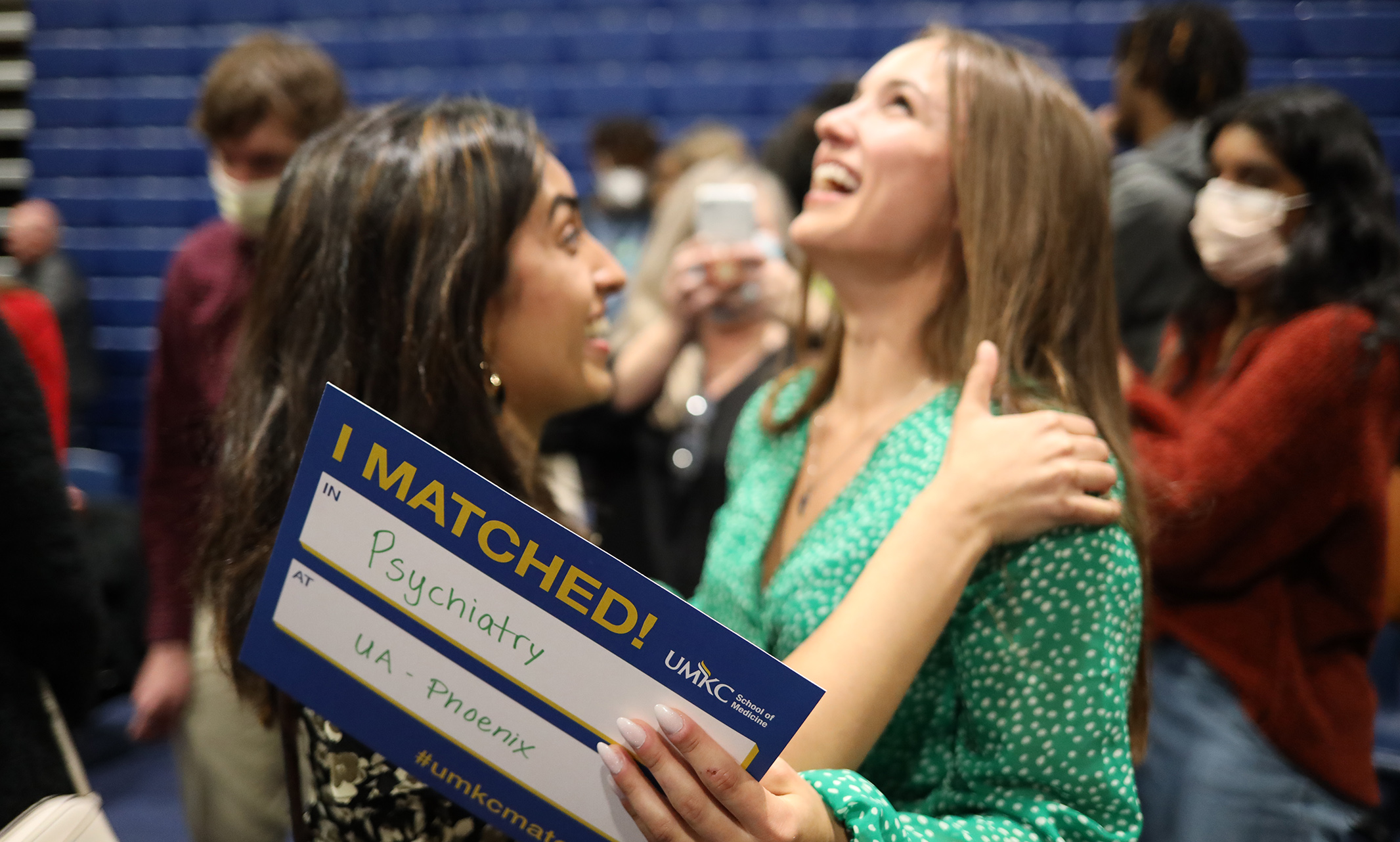
UMKC med students fill residency positions across the country in more than 20 specialties
A few minutes before 11 a.m. on Friday, UMKC School of Medicine student Pradeep Kandula stood and paced anxiously in front of a table full of family and friends.
“I’m nervous, but also very excited,” Kandula said as he waited for the Match Day letter that would reveal where he will spend the next three years doing his medical residency training. Moments later the nervous tension building throughout UMKC’s Swinney Recreation Center exploded into cries of joy and elation.
Among those cheering was Kandula, who discovered he had matched with his first choice of residencies, a position in internal medicine at the prestigious Cleveland Clinic.
“I’m so excited right now for everyone,” he said. “I’m excited for all of my friends.”
From anesthesiology to urology, nearly 100 UMKC students matched in 21 different medical specialties. More than a third of the class elected to go into one of the primary care specialties of family medicine, internal medicine, medicine/pediatrics, obstetrics and gynecology or pediatrics.
Internal medicine was the most popular specialty with 19 students matched, followed by anesthesiology, general surgery, psychiatry and preliminary medicine, each with eight matches.
The class will also be spreading out across the country going to 24 different states from California to New York, Florida to Michigan. Thirty-nine graduates will remain in Missouri and 22 will be staying in Kansas City for their training in UMKC residency programs.
Throughout the United States, graduating medical students learned their residency fates at the same time on Match Day, filling more than 36,000 first-year residency positions.
“There is no more memorable day for medical students than Match Day,” said School of Medicine Dean Mary Anne Jackson, M.D., a 1978 graduate of the medical school. “This is the most exciting day for you, your staff and faculty. The wait is over. This next phase defines the rest of your lives.”
For the first time in the school’s 50 years, the School of Medicine’s Match Day event was moved from the school’s UMKC Health Sciences Campus location to the Swinney Center on the university’s Volker Campus. This allowed all of the participating students’ family and friends to take part in the celebration in a single indoor location. In one corner of the crowded room, Sejla Turnadzic proudly held up a cardboard sign that said she had matched in anesthesiology and would be heading to Stanford for residency training.
“I can’t put it into words how happy I am right now,” Turnadzic said.
This was a special time for Turnadzic and the family members with her. Born in Bosnia, Turnadzic moved to the United States with her parents when she was just a year old to escape the war-torn country. Many of her family members remain in Bosnia.
“I’m going to the be first doctor in my family,” she explained. “This is a very big day for us.”
Next to Turnadzic stood Kaylea Gunn, who also matched in anesthesiology and will be going to Vanderbilt University for her residency. The two have been roommates for six years, since the beginning of med school.
Gunn was particularly thrilled with the day because her brother Brady, a graduating student at A.T. Still University osteopathic medical school in Kirksville, Missouri, had just matched as well and attended the Match Day festivities with his sister in Kansas City.
“I didn’t get any sleep last night,” Gunn said. “It has all been so exciting.”
Mar 18, 2022
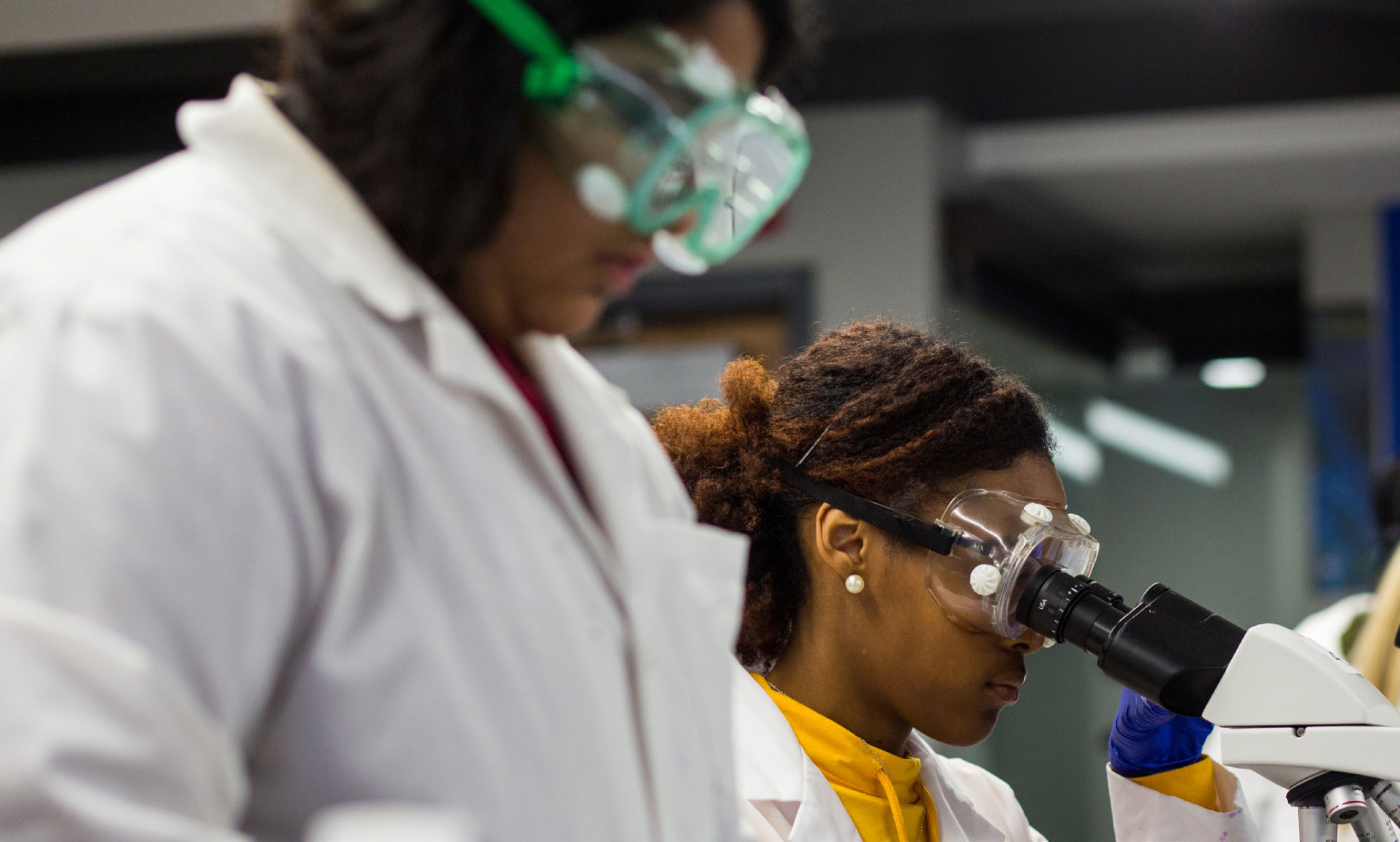
University supports and sustains more than 7,000 jobs
The University of Missouri-Kansas City generated $597.2 million in overall economic impact in Missouri during fiscal year 2021, according to a study conducted by Tripp Umbach, a nationally recognized firm that has completed more than 500 economic impact studies for clients across the globe.
According to the study, academic medicine at UMKC generated $231.4 million in economic impact and supported and sustained 2,435 jobs, while UMKC research activity generated $186.3 million in economic impact and supported and sustained 1,300 jobs. Athletics generated another $23.1 million in economic impact, including 259 jobs.
Overall, UMKC generated $33.4 million in state and local taxes during FY21, while 44,043 UMKC alumni living and working in Missouri generated $7.8 billion in overall economic impact.
“Our impact through workforce development and community engagement is already well known. Through this study we now demonstrate that UMKC is a powerful economic engine in its own right,” said Chancellor Mauli Agrawal.
The $597.2 million total represents the direct impact of UMKC spending in the state ($186.6 million) and the indirect spending that occurs as a result of the university’s presence ($410.6 million).
UMKC directly supported 3,540 full-time and part-time jobs throughout the state, the study found, while UMKC spending on capital projects, development and planning projects and suppliers supports additional indirect jobs throughout Missouri. In total, the university’s presence supports 7,291 jobs in Missouri.
The Tripp Umbach report on UMKC is a component of an overall report on the University of Missouri System. That report, released last month, found a $6.5 billion economic impact on the state of Missouri by the UM System and its four universities, MU Extension, athletics and academic medicine.
For the study, Tripp Umbach measured the economic value generated by the UM System’s research, operations, service and expenditures throughout the state of Missouri in Fiscal Year 2021, which ran from July 1, 2020, to June 30, 2021.
“Economic impact studies often capture only the impact that can be assigned a quantitative number, but the qualitative value and impact of UMKC goes far beyond its annual multimillion-dollar economic impact,” the study found. “UMKC provides countless opportunities for faculty, staff and students to service the community through institutional partnerships, programs and service-learning projects that deliver a significant impact to the community … on a daily basis, the lives of those in the surrounding communities are significantly enhanced by its presence in a multitude of ways.”
In addition, UMKC faculty, staff and students donated $1.3 million to local charities, plus an additional $1.1 million in value of volunteer time. Those figures are not included in the $597.2 million economic impact total.
To view the complete report, click here.
Mar 18, 2022
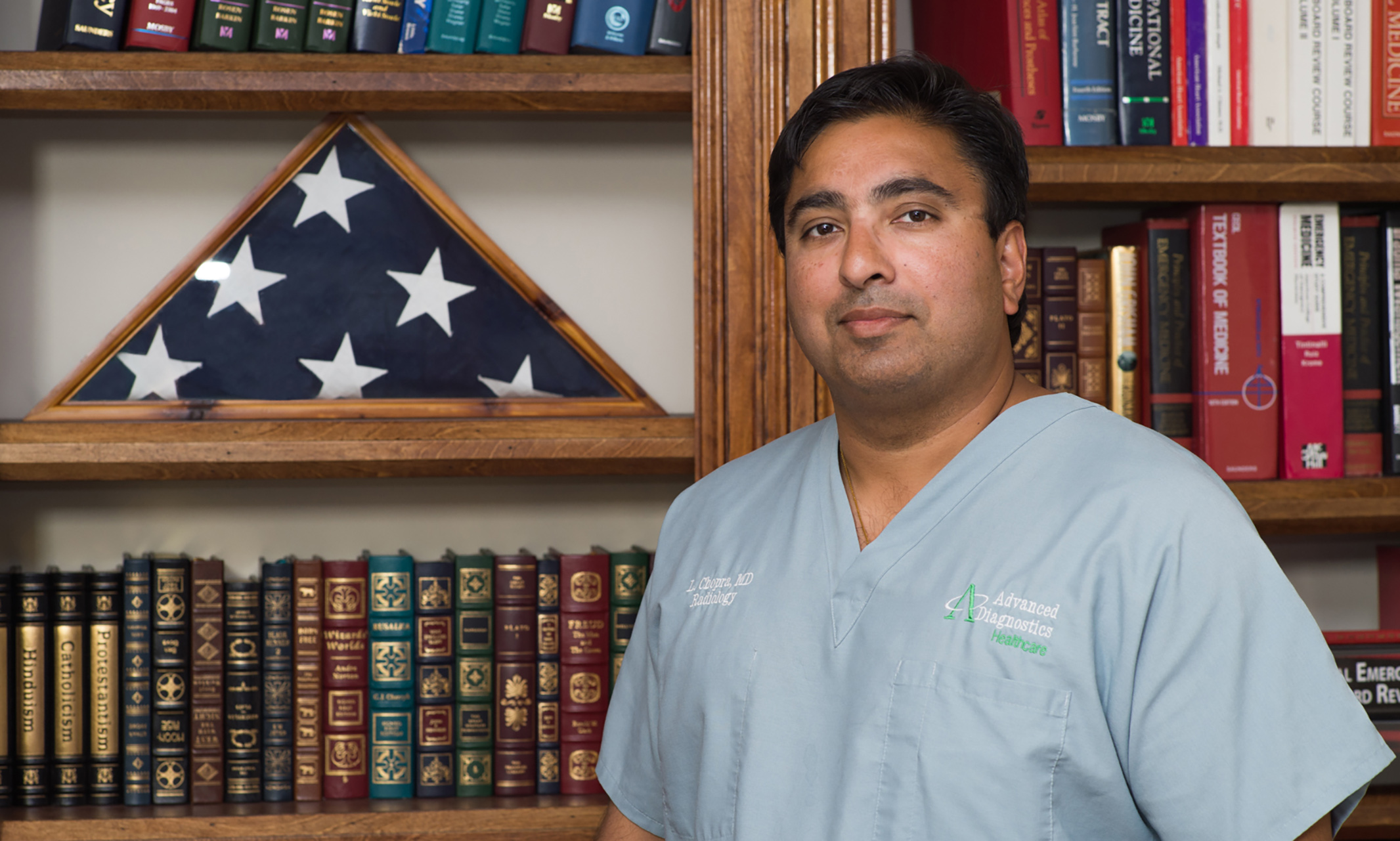
Lucky Chopra receives School of Medicine Alumni Achievement Award
Each year, the UMKC Alumni Association recognizes the achievements of outstanding alumni with an awards celebration. The UMKC School of Medicine is honoring Dr. Lucky Atul Chopra, (M.D., ’92) with its Class of 2022 Alumni Achievement Award.
Lucky Atul Chopra, M.D., a 1992 graduate of the UMKC School of Medicine, is a radiologist and entrepreneur who has created successful medical service companies.
During his radiology residency at the McGovern Medical School at the University of Texas-Houston Health Science Center, Dr. Chopra started a mobile imaging service using a converted milk truck to transport a portable X-ray machine. Contracting with nursing homes, he provided imaging services on site so patients would not have to travel.
Four years later, he opened an independent, physician-led medical facility in east Houston that specializes in spinal and orthopedic surgical procedures. Today, he is the chief executive officer of Advanced Diagnostics Healthcare.
How did your idea for a mobile radiology service come about?
A significant amount of my residency training was in the trauma and emergency center. I recognized many patients were from long-term care facilities and other institutions for diagnostics and possible intervention. The diagnostics often proved to be normal, making the trip to the emergency/trauma center avoidable if diagnostics were available on site. Providing quality on-site diagnostics reduced the need for patient transport, created value to all stakeholders, and provided a much faster turnaround time for results.
How do you see the improvements you have made in the field of radiology impacting lives and outcomes for patients?
We have raised the bar for patients in long-term care facilities and other institutions in providing quality and credible on-site diagnostics. The technology and software that we implemented in this space has set the standard of care. We are proud of patient-centric innovations outside of the radiology space, which is improving outcomes for patients that have been involved in serious trauma.
What advice do you have for students who’d like to follow in your footsteps?
I encourage all students to be focused on ethics, compliance, and understand the regulatory climate. In the course of business, outside parties will attempt to encourage physicians to engage in profiteering, which can provide a short-term gain, but also creates many long-term issues. All new graduates need to be wary of these parties as many are very convincing and provide false assurances as to compliance and legalities.
How did UMKC prepare you for/contribute to your success?
The hands-on clinical experience UMKC provided proved to be valuable throughout my residency and beyond. I didn’t fully recognize or appreciate the full value of UMKC’s positive academic and cerebral environment until I graduated and joined other institutions.
What is your proudest accomplishment?
Our companies have remained private, not dependent upon cash infusions from private equity or other outside sources. Staying this course has been challenging at times, but it has allowed us to maintain our independence. At a time when over 50 percent of all physicians are employed, I am proud that we support those physicians that value their independence.
Where can you be found on the weekends? What are your hobbies?
I enjoy visiting our vacation home on Lake Travis in Austin, Texas, whenever possible. A weekend of being on boats and watercraft with my family is the most relaxing. I also enjoy working out and mountain biking.
About the Alumni Awards
Join us in honoring Chopra and the other Class of 2022 awardees at an in-person celebration at 6 p.m. April 29, at the James C. Olson Performing Arts Center. To register, visit UMKC's Alumni Association website. If you are unable to attend the event but would like to donate to student scholarships, contributions can be made online.
Mar 16, 2022
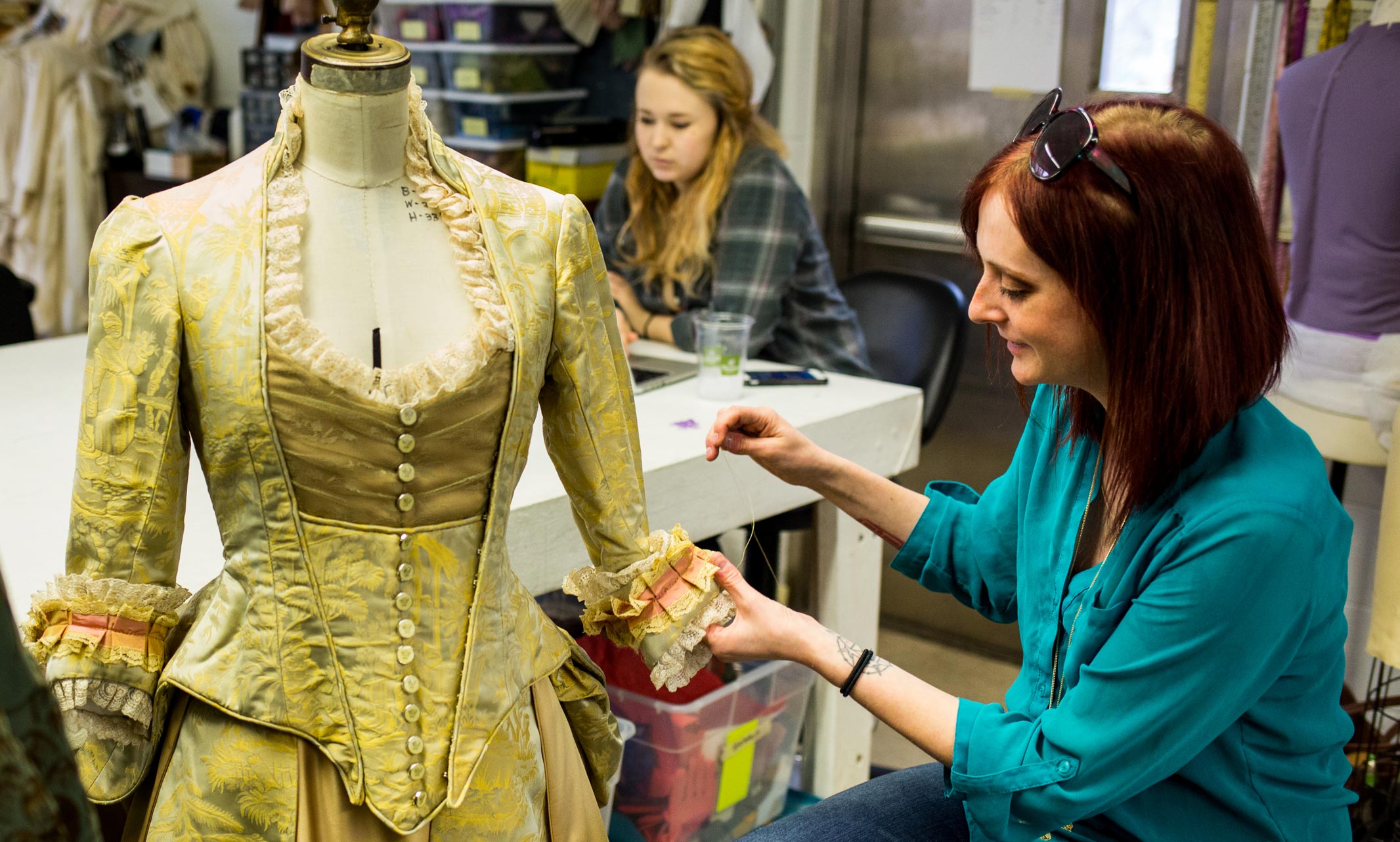
The program was ranked by The Hollywood Reporter
UMKC has been ranked among the top ten best programs for costume design according to The Hollywood Reporter.
"That UMKC Conservatory’s costume design program continues to be recognized nationally is no surprise to those of us who get to see the extraordinary work our students produce," said Andrew Granade, interim dean of the Conservatory. "Kansas City’s thriving theatre community combines with our outstanding faculty to produce an educational experience second to none, and I’m pleased the Hollywood Reporter recognizes our program’s excellence."
"Talk about well-rounded resumes. Students at UMKC are assured of graduating with a working knowledge of costume design's major construction areas (millinery tailoring, wig ventilation, mold making and casting)," the article said. "Third-year costume designers also benefit from an 'assist in New York' program creating costumes for the Kansas City Repertory Theatre while working in New York (or Chicago or L.A.)."
The Hollywood Reporter also cited the new Innovation Studio in the Robert W. Plaster Free Enterprise and Research Center as a benefit to students.
"Historically, we've been a very traditionally-based program and very successful," said Ken Martin, chair of the theatre division in the Conservatory. "As we move forward, one of the things we're looking to do is use the innovation studio to develop costumes in the 3D space and do costuming for gaming, immersive theatre and augmented reality, as well as use it for rendering techniques for theatre that are traditionally based."
UMKC was ranked among the UCLA School of Theater, NYU Tisch School of the Arts and the Fashion Institute of Design and Merchandising.
To see other schools on the list, click here.
Mar 14, 2022
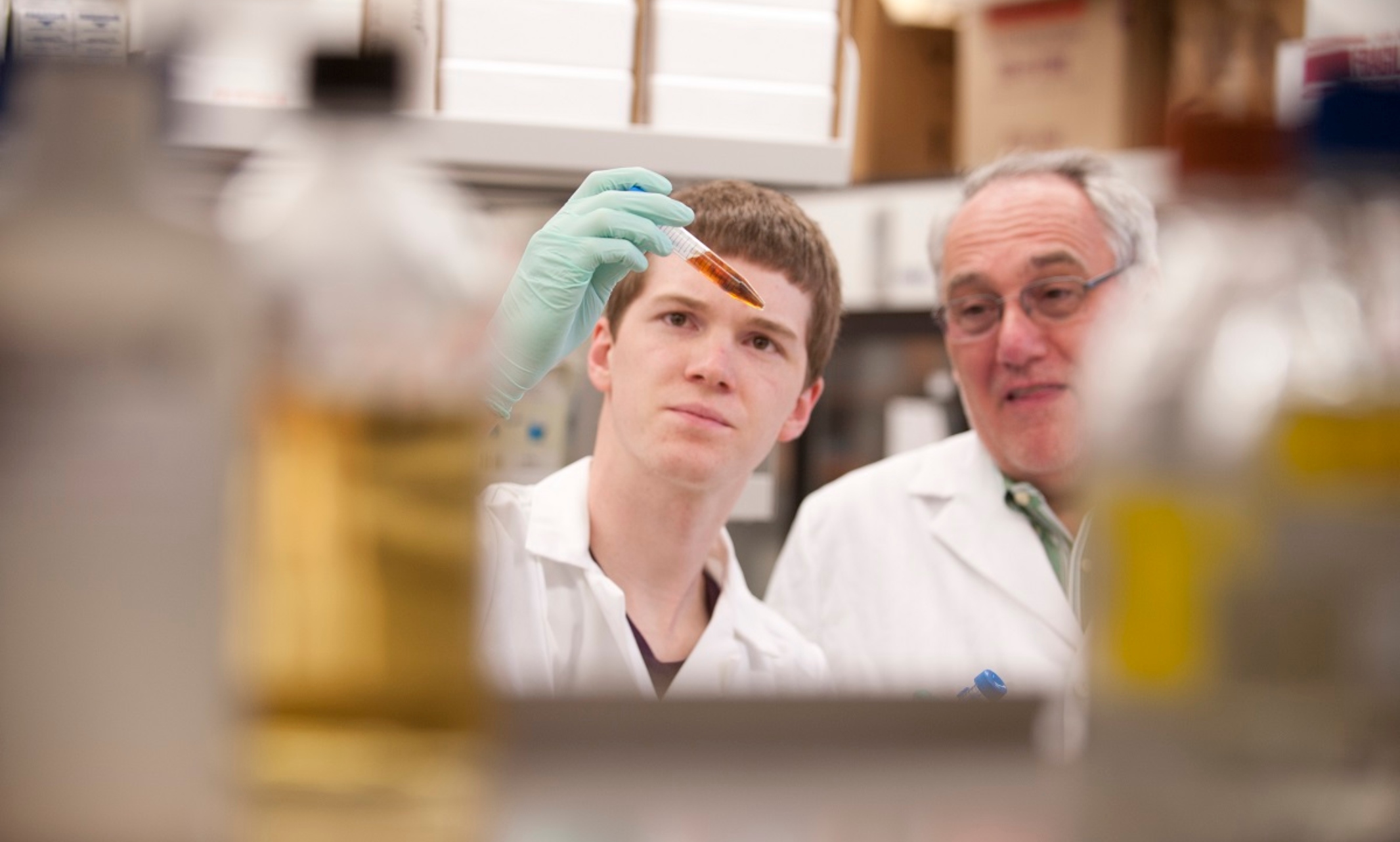
Saper Vedere provides opportunities for undergraduates
Bibie Chronwall, Ph.D., UMKC faculty emerita, has created an award in memory of her husband, Stephen J. Morris, and in honor of her uncle Al Osten to support undergraduate research in biology at UMKC.
The award is one component of the revived Saper Vedere Undergraduate Research Program at the School of Biological and Chemical Sciences (SBC). The program will provide second, third and fourth year students support for engaging in research with faculty and staff.
“Leonardo da Vinci referred to his visualization process as ‘saper vedere,’ or ‘knowing how to see,’” Theodore White, dean of the school of biological and chemical sciences, says. “That is the inspiration behind the Saper Vedere program. Many students see undergraduate research as a critical focal point of their academic training.”
Each year, students will be selected into the program based on academic achievement, including a GPA above 3.2. The students will participate in the biology seminar series, meet with visiting scholars and have informal lunches and formal gatherings of the Saper Vedere students and faculty. In addition, students will participate in the UMKC Health Sciences Student Research Summit and the Annual Symposium of Undergraduate Research and Creative Scholarship.
“These opportunities will provide undergraduates with hands-on experience as they prepare for graduate or professional training,” White says. “Outstanding programs and mentors abound at UMKC, providing students meaningful opportunities as they begin to sample possible career paths. These students will be encouraged to join their mentor in presenting their work at local, national or international scientific meetings, either as a poster or oral presentation.”
The school plans to award the first research awards in fall 2022 and expand the program over the next few years.
“We are grateful to Dr. Chronwall for her generous support,” White says. “The program and our students’ undergraduate experience will be benefit from this expanded research opportunity.”
For more information on making a donation to the Mr. Al Osten, Dr. Stephen J. Morris and Dr. Bibie M. Chronwall Scholarship to support undergraduate research, please contact Melissa Ford, director of major gifts by email or call 816-235-1277.
Donate to the Scholarship Today
Mar 14, 2022
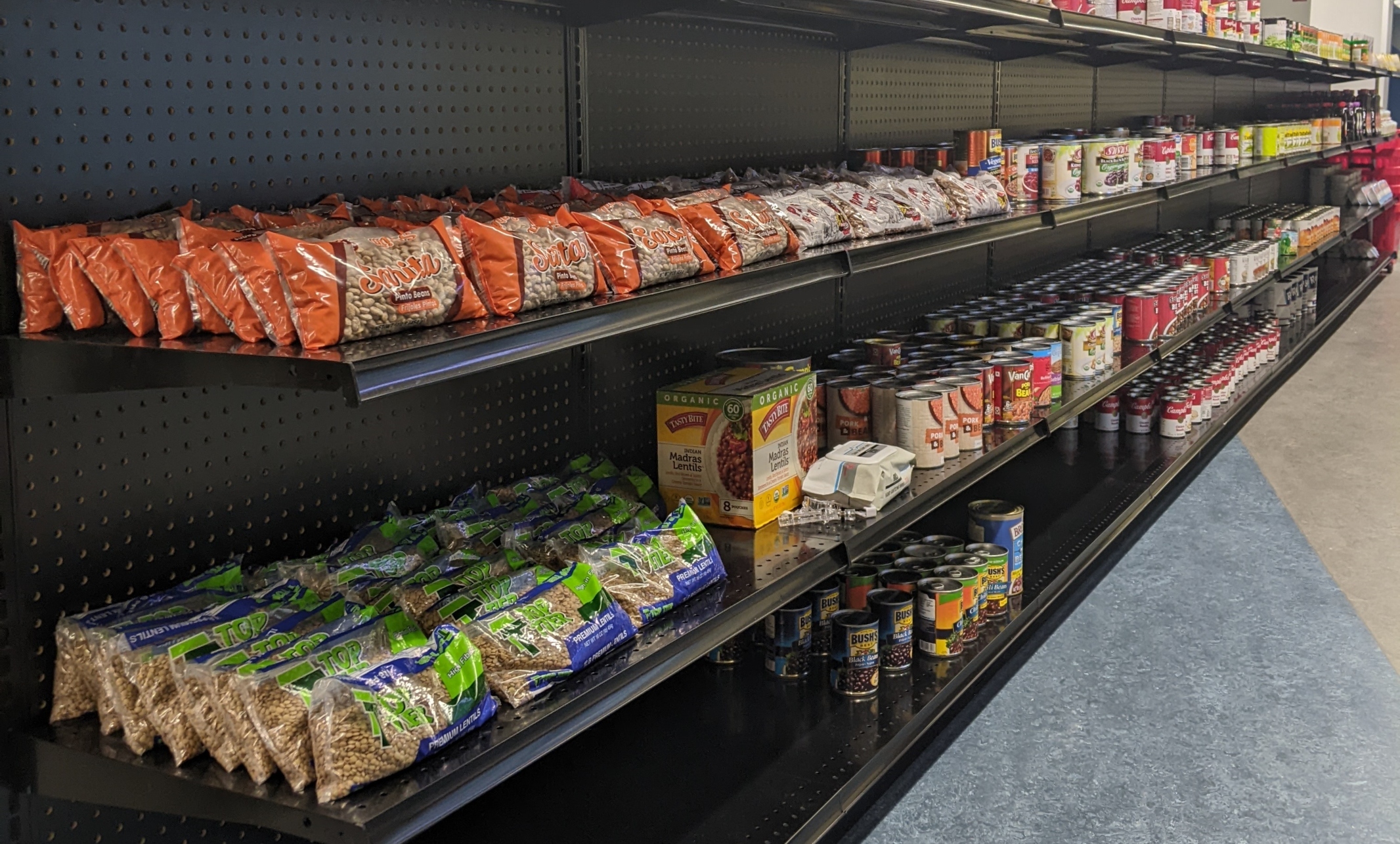
Move to Student Union allows easier access to critical resource
The new UMKC Dr. Raj Bala Agrawal Care Center opens in the Student Union May 4, 2022 at 11:00 a.m. with a ceremony to celebrate enhanced access to support services for the university community.
“The Chancellor’s Food Security Task Force that was formed in 2020 recommended that we expand pantry operations and eliminate barriers to pantry use,” Anthony Maly, senior manager student support services, says. “One of the task force’s long-term goals in relation to both of those recommendations was to move the current pantry location from 4825 Troost to a more central location on the Volker Campus.”
The Roo Pantry will be located on the first floor of the Student Union in the new Dr. Raj Bala Agrawal Care Center, which will provide a variety of support services to students, faculty and staff in areas such as housing and financial insecurity. The more centralized location will enable students to visit the pantry when they are on campus for classes, as well as coordinate with other student services within the care center.
“We hope that this more centralized location will help further destigmatize the use of the food pantry by placing it in the same building as a variety of other student services,” Maly says. “It will also help us coordinate services students may need with other offices that are closer to the new location.”
Maly is hopeful that when faculty and staff are aware of students in need, they will refer them to pantry in its new location.
“They may even be able to walk with them directly to the pantry when an immediate need is identified,” he says.
Maly says the demand for support services from the UMKC community has increased throughout the COVID-19 pandemic. Fortunately, the pantry has been able to meet those needs.
“We continue to serve a much larger population than we did prior to the onset of the pandemic, and we do not anticipate that need changing in either the short or long term,” Maly says. “We have expanded the amount of food we are acquiring and the hours of availability each academic year to meet that need.”
The establishment of the Dr. Raj Bala Agrawal Care Center was made possible through donations received to the Dr. Raj Bala Agrawal Memorial Fund established December 2020 and a personal donation made by Sue and Mauli Agrawal to create an endowment. The fund recognizes and honors the life of Chancellor Mauli Agrawal’s mother, who was an educator and grateful for the opportunity to engage with the many generous friends and alumni of the university and cheer on UMKC students.
Mar 14, 2022
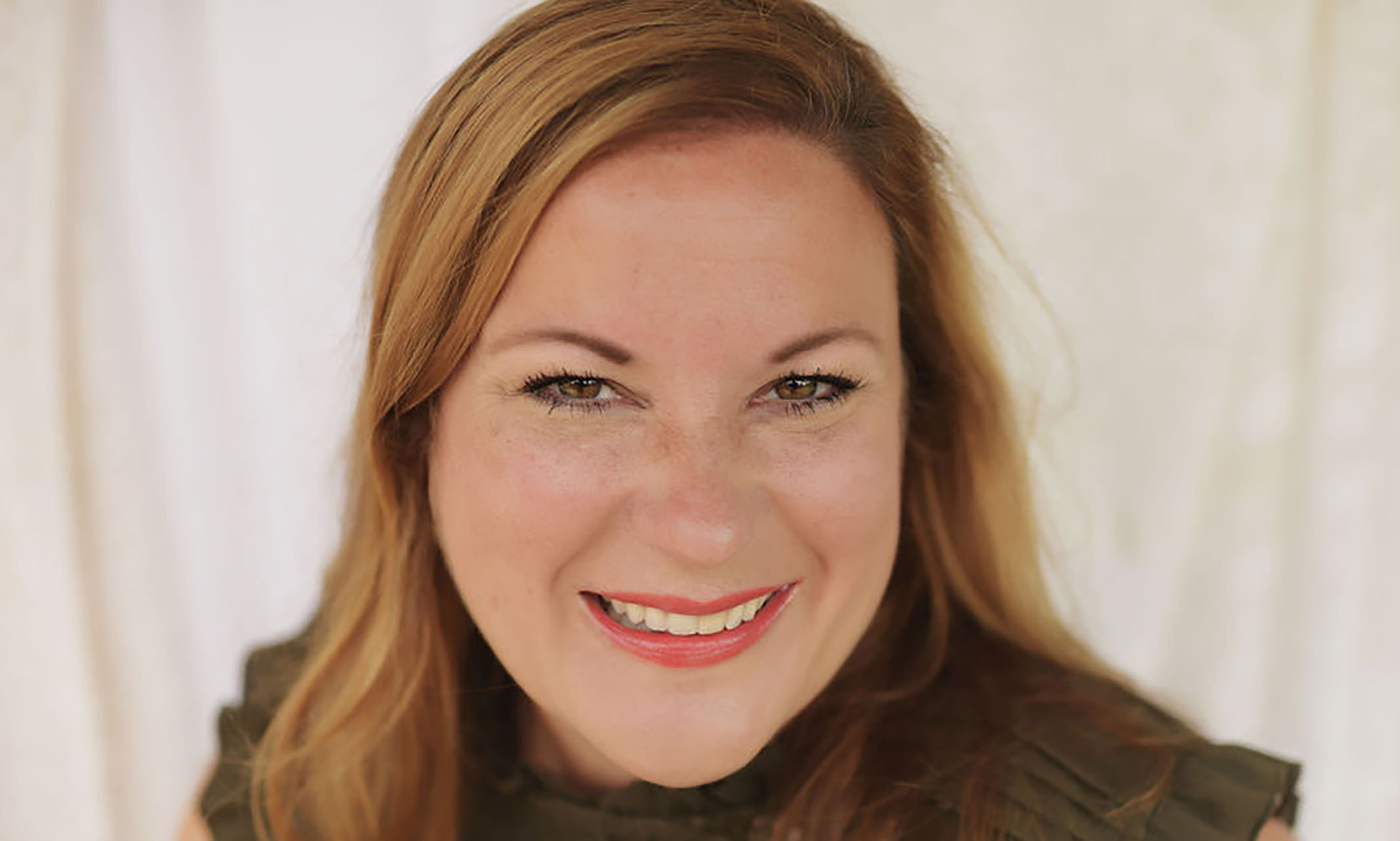
Janelle Sabo receives School of Pharmacy Alumni Achievement Award
Each year, the UMKC Alumni Association recognizes the achievements of outstanding alumni with an awards celebration. The UMKC School of Pharmacy is honoring Dr. Janelle Sabo (Pharm.D. ’00) with its Class of 2022 Alumni Achievement Award.
Janelle Sabo, Pharm.D., R.Ph., M.B.A., is a 2000 graduate of the UMKC School of Pharmacy. An executive leader in clinical research design, development and delivery, she joined Eli Lilly and Company shortly after earning her degree at UMKC. She is currently vice president of clinical capabilities, serving as the global head of clinical innovation, system and clinical supply chain at Eli Lilly and Company. She has accountability for the overall development, registration and launch of anti-COVID-19 therapeutics across the globe.
In her role, Sabo places an emphasis on deeply understanding science, the patient and leaning into innovative strategies to accelerate development. She led the COVID-19 Therapeutics Platform that delivered multiple neutralizing monoclonal antibodies that are widely used in the global fight about the virus. She was also integral in establishing one of the first drive-through testing clinics, which became the gold standard.
Sabo also uses her vast experience as a pharmaceutical industry leader to serve her alma mater as a member of the School of Pharmacy Dean’s Advisory Council, providing expert guidance on curriculum and programmatic offerings.
What led you to pursue a career in pharmacy?
I have always loved science and helping people. In high school, I did a few rotations with different health care professionals in my hometown and found that ideal intersection of chemistry, biology and helping people was possible in pharmacy.
Tell us about your work fighting the COVID-19 pandemic and how it has changed your professional life.
We worked on a study in one of the most impacted patient populations, nursing homes. Our team developed a mobile research unit that can go to rural and urban communities quickly as COVID outbreaks occurred. This approach continues to be utilized to create excellent clinical research in populations and therapeutic areas underserved and underrepresented in clinical research. One of my most important experiences has been finding new ways to rapidly bring clinical research into communities, including those that are underserved and underrepresented. Continuing to expand access to clinical research across the globe remains a key priority for me.
What advice do you have for students who would like to follow your footsteps?
Pharmacy is an outstanding foundation to support a career in discovering and developing new medicines for patients with few or no options for treatment. Drug development requires taking your education and clinical experience, translating it to designing clinical studies to develop the data, insights and information that will be needed to help clinicians know how to use the new medications in their patient population and what to expect in terms of benefits and risks.
Where can you be found on weekends? What are your hobbies?
Most weekends are spent at volleyball, basketball, and flag football games and tournaments with my girls. In my free time, I love to cook, hike, spend time at the beach or at the pool and with family and friends.
About Alumni Awards
Join us in honoring Sabo and the other Class of 2022 awardees at an in-person celebration at 6 p.m. April 29, at the James C. Olson Performing Arts Center. To register, visit UMKC's Alumni Association website. If you are unable to attend the event but would like to donate to student scholarships, contributions can be made online.
Mar 14, 2022
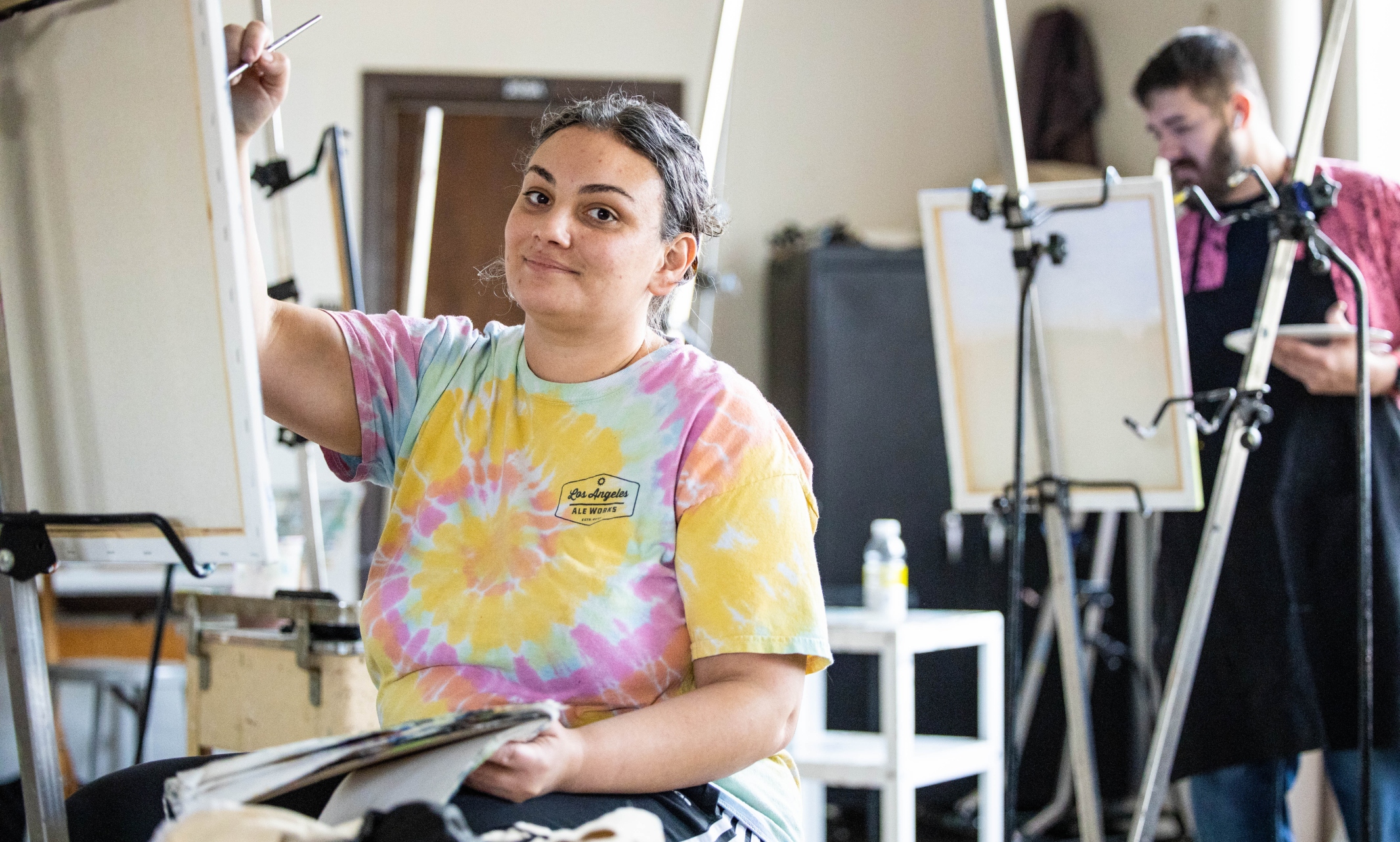
Lindsay Doyle is taking part in two unique UMKC programs to help turn her passion into a business
Lindsay Doyle is a senior studying studio art with an art entrepreneurship certificate. She is also in E-Scholars, a Henry W. Bloch School of Management program, which helps entrepreneurs turn their ideas into businesses. After graduation, Doyle plans to teach K-12 art and run her jewelry business. And here’s what she had to say about being a Roo.
Name: Lindsay DoyleAnticipated graduation year: Summer ‘22 UMKC degree program: Studio Art B.A., Art Entrepreneurship CertificateHometown: Torrance, CA
Why did you choose UMKC?
I moved here a year ago and I wanted to finish my degree, so I transferred to UMKC. I thought it was the best school in the area for me. The art program here is really great and the instructors are very knowledgeable.
Doyle receives feedback on her painting from a graduate assistant.
What have you enjoyed most about your experience at UMKC?
I like the support. Especially in the art department, I just feel very encouraged to pursue my passions.
What are the benefits of the program?
I like how the Bloch School of Management has an arts entrepreneurship program, which bridges the business side and the art side together so I can form a business. There’s a lot of opportunities here and there’s great leadership.
Doyle is starting an enameled jewelry business, with help from the E-Scholars program.
You mentioned you’re also in the E-Scholars program, do you want to start a business?
That’s what we’re doing right now-from start to finish. I’m starting an enameling jewelry business. It’s going to be mostly online, selling at makers fairs, stuff like that.
What does it mean to you to have support from professors?
It’s really encouraging and a confidence builder. It’s great to have someone steer you in a direction they think would be best for you.
Mar 10, 2022
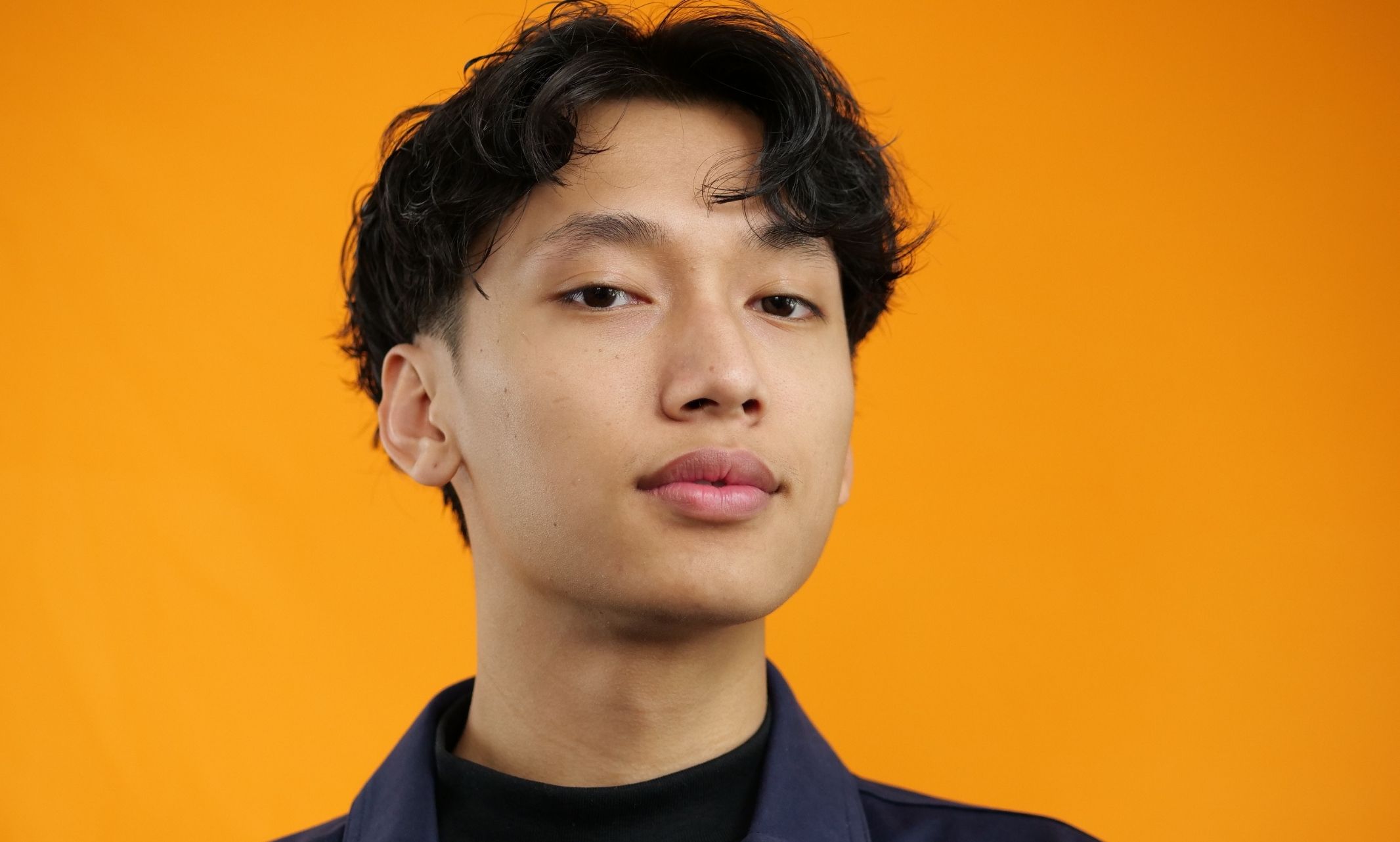
Hieu Bui is a national semi-finalist in the Kennedy Center American College Theatre Festival playwriting competition
Our ongoing story starts with people from around the world, converging here at UMKC. Get to know our people and you’ll know what UMKC is all about.
Hieu Bui is a writer, director and performer, and he chose to attend the UMKC Conservatory to help him hone those crafts. Bui says that his time here has given him the confidence and skills to succeed on his own terms.
“The most important thing I’ve learned at UMKC is that you must make your own work, especially if you aren’t given opportunities. Most plays and stories don’t have faces like mine, aesthetic like mine and cultures that are mine. I realized that no one else will write these aspects that are me,” he says.
Bui is already making a name for himself with an original work titled, “Blanket,” about siblings struggling to adjust to life in a new country after moving from Vietnam. Bui entered his play into the Kennedy Center American College Theatre Festival (KCACTF) national playwriting competition in the ten-minute play category. “Blanket” placed first regionally, is a national semi-finalist and was recognized for Outstanding Play. Approximately 70 ten-minute plays were entered in the regional festival.
Bui’s play is one of 16 semi-finalists nationwide. Of those, four will be selected to be performed at the national festival in April.
“The most important thing I’ve learned at UMKC is that you must make your own work, especially if you aren’t given opportunities."
In addition to writing “Blanket,” Bui directed and acted in the video reading for the competition. Bui’s friends and fellow UMKC students helped plan and direct the shoot, as well as acted in it. They did one reading over Zoom and filmed in Grant Hall on campus.
This is Bui’s second time entering the KCACTF. Last year, he was one of three finalists in the one-act play competition. Bui says this year’s work, “Blanket” was inspired by a reading in his playwriting class.
“Playwriting, acting and poetry are some of my favorite classes that I’ve taken. My professors’ passion for storytelling and their support gave me what I needed to build this play and enter the KCACTF. This is only the second competition I’ve entered my work in, but it won’t be the last.”
Mar 10, 2022
The University of Missouri-Kansas City will be paid by the state to study if Missouri is failing to equitably employ minority-owned and women-owned...
As a part of the $500,000 study, UMKC will hold public meetings and invite firms, stakeholders and organizations to attend.
The first meeting is scheduled for March 16 at 10 a.m. in Jefferson City.
The UMKC team will be asking attendees to help identify barriers to earning state contracts. Previous studies cited several challenges, including late payments, bonding and insurance issues, harassment and retaliation.
Read more about the study here.
Mar 10, 2022
UMKC School of Medicine alumna Dr. Preeti Patheja spoke with a Florida news station about new approaches to help older adults access medical care.
Preeti Patheja, a graduate of the UMKC School of Medicine, told Fox 4 in Florida she is focused on dedicating her career to providing the best patient experience possible.
That includes a personalized approach to medical care and providing patients with the education and preventative tools needed to improve health and well-being, Patheja said.
The complete interview can be watched here.
Mar 10, 2022
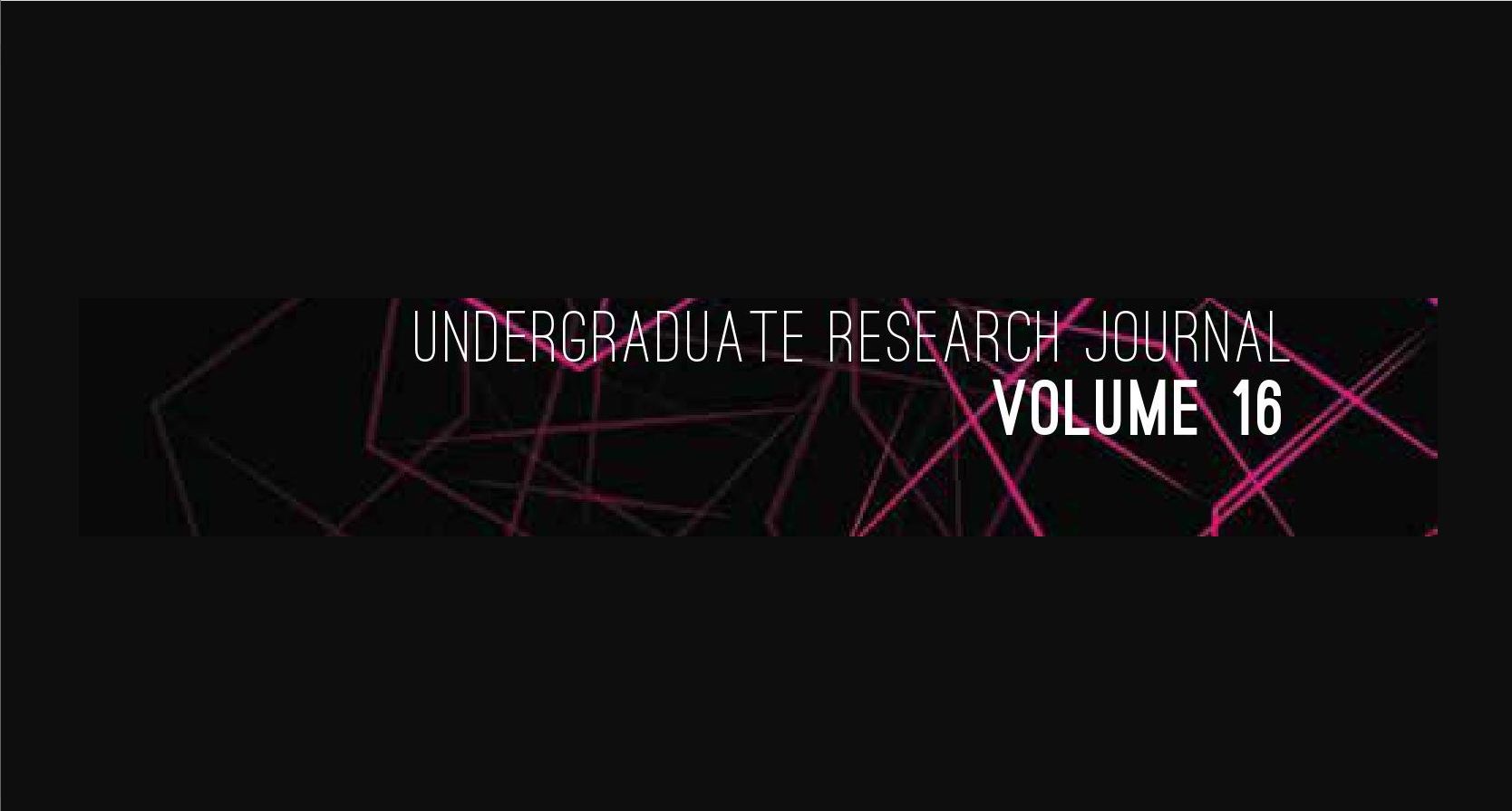
New issue of Lucerna is the 16th volume of the UMKC interdisciplinary research journal
The UMKC Honors Program celebrates the latest volume of Lucerna, featuring undergraduate research in the sciences and humanities.
Chancellor Mauli Agrawal and Gayle Levy, Ph.D., director, UMKC Honors Program, will celebrate the latest issue of Lucerna and the work of the students who submitted their research for publication during an online symposium March 17.
Lucerna, the UMKC interdisciplinary research journal produced by the Honors Program, accepts submissions from UMKC students enrolled in any program. Research from all disciplines is welcome, and previous issues have included original work from students in a variety of programs, including history, economics, engineering and dance.
Lee Francis, Lucerna editor-in-chief, sees value in research beyond knowledge itself.
“I think everyone should participate in undergraduate research because it can change the way that you consume information for the better,” Francis says. “The more someone reads and participates in academic research, the better they become at recognizing what makes a study and evidence more supportive of a theory than others.”
Lee Francis, Lucerna editor-in-chief
Beyond expanding a student’s knowledge, Francis notes that research provides students the opportunity to conduct interviews, determine what to ask and have the opportunity to engage with the people they interview.
“Digging deeper on a subject has the benefit of building the student’s knowledge, but it also allows the student to evaluate a variety of sources and work in a field that they have a passion for,” Francis says.
Anuhya Dayal, Lucerna managing editor, agrees with Francis on the value of the experience.
Anuhya Dayal, Lucerna managing editor
“Completing a research project gives insight into the heart of a problem and develops critical thinking skills that enable an in-depth analysis of a specific process and allows a student to think in many different directions to get to one destination,” Dayal says. “Then, in classwork or careers, they can apply this thinking to analyze the problem from multiple angles or solve a problem in different ways.”
Levy said undergraduate research gives students the opportunity to put their studies into practice.
“Not only does it allow them to finally be the creators of knowledge after years as consumers but engaging in research allows students to experience the joys and frustrations of coming up with questions and trying to answer them, deviating sometimes and then finding another path to new questions,” Levy says. “Undergraduate research allows students to begin their journey to changing the world through their hard work and creativity.”
Mar 09, 2022
UMKC Professor and Chinese-American Chen Yi’s concert was called “very and rhythmic.”
Conservatory Professor Chen Yi’s concert series was highlighted by WHBF-DAV in Davenport, Iowa.
The station’s anchor called Yi, “a wonderful composer and her music is very vibrant." He went on to say, "You really hear her Chinese culture coming out through the performance, it's very beautiful.”
The complete segment can be found here.
Mar 09, 2022
Dr. Amy Patel talks with medicine website about outreach and more
Amy Patel, medical director of the Breast Care Center at Liberty Hospital and professor of radiology at the UMKC School of Medicine, sat down for an interview with Diagnostic Imagine about the aftereffects of delayed breast cancer screenings due to the COVID-19 pandemic.
Among topics discussed were keys for improving outreach to underserved communities, legislative wins and challenges and coalition building to educate and encourage women to resume regular breast cancer screening exams.
As we being to emerge from the shadows of the pandemic, significant challenges for radiologists are coming to light, Patel said. But there are also new opportunities to save lives.
The entire interview can be found here.
Mar 09, 2022
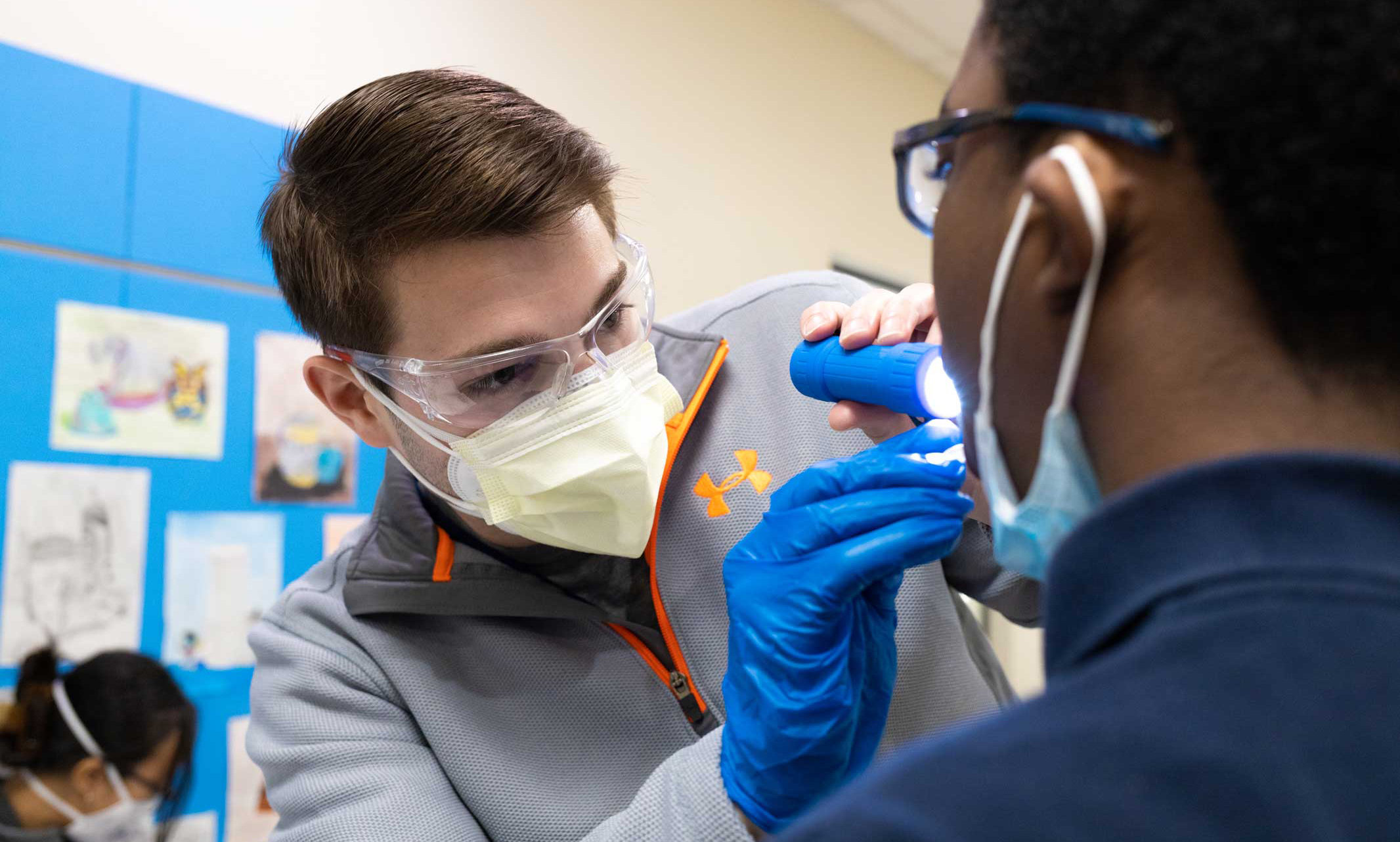
From kindergarteners to high school seniors, it was all smiles at University Academy
The UMKC School of Dentistry closed out February’s Children’s Dental Health Month strong, screening about 900 students at the University Academy, a Kansas City school serving K-12 students. More than 30 dental and hygiene students volunteered to provide care along with four faculty from the school.
The screenings are part of the lead up to reopening the dental clinic housed within University Academy. Opened in 2012, the dental clinic was temporarily shut down due to the pandemic. School of Dentistry faculty and students that provide care at the clinic say they are looking forward to reopening the clinic. Hayley Ferris, an instructor who works with dental hygiene students in the clinic, said the screening event played a critical role in the getting the clinic up and running again.
“This all-school screening will give us a baseline of where the population sits right now,” she said. “That way, we have an idea of what the needs are for these students before we go in with our preventative care.”
Dental hygiene instructor Hayley Ferris
Dr. Megan Wendland, associate professor in the Department of Dental Public Health and Behavioral Science at the UMKC School of Dentistry, said additional funding from the state of Missouri was critical to the reopening of the dental clinic at University Academy.
“Our department is all about preventative care and preventing dental caries (cavities),” Wendland said. “The state had funding from the CDC to promote dental sealant programs and they said they would absolutely help with this.”
Ferris is returning to UMKC within the public health department to help manage the University Academy clinic. She helped established a similar clinic in the Olathe, Kansas, School District with Dr. Melanie Simmer-Beck, a professor and chair of the department. That program ran from 2007-2014.
The clinic at the University Academy is part of the dental school’s mission to provide health care in-house to students attending the school. UMKC will provide the oral health care in partnership with Children’s Mercy Kansas City, which manages the health clinic within the school. The dental clinic will be staffed by a UMKC dental hygienist and hygiene students who will provide preventive care, assessments, cleanings, fluoride, varnish and sealants.
“Right now, tooth decay is the number one childhood illness that causes kids to miss school,” Ferris said. “It’s extremely important that they have these resources available right there in the building so parents don’t have to take time off of work and kids don’t have to take time off from school.”
The experience is also beneficial to the participating third-year dental students, exposing them to a population they don’t get as much experience with, at least not 900 children at once.
“This is a great opportunity for them to see children in that mixed phase of having both permanent and primary teeth,” Ferris said. “And with pandemic restrictions, there aren’t as many of these outreach opportunities available to them so we filled up our sign ups in a matter of minutes.”
Children’s Dental Health Month is an initiative by the American Dental Association that promotes the importance of good oral health to children, their teachers and parents. The emphasis for this year’s campaign was on dental sealants for children. That is a welcomed focus for Wendland.
Wendland’s research focuses on disparities in health care and improving health outcomes in diverse populations. Sealants are an area she and the school focus on as a first line-of-defense in achieving those improved oral health outcomes. Sealants consist of a thin plastic coating that is placed on the back teeth, where a majority of cavities form. Wendland the sealants can prevent 80 percent of cavities.
“At University Academy, as well as our mobile clinic at Gladstone Elementary, we’re part of a big push to raise the national average for sealants,” said Wendland. “That average nationally is about 37 percent with the goal to push it above 40 percent. However, Missouri is at about 19 percent, which is obviously far and away from where we want to be.”
Wendland came to UMKC from Chicago where she was a clinician at a Federally Qualified Health Center. While there she experienced the scope of what a fully comprehensive program is capable of. The Chicago Department of Public Health partnered with the public school district to provide a universal sealant program to all K-12 schools.
“That program would see more than 120,000 kids a year,” Wendland said. “Currently, there isn’t anyone doing that kind of broad sealant program in Kansas City but having come from that model, ideally that’s what I would want to see.”
Assessing 900 children at the University Academy was a good start.
Mar 04, 2022
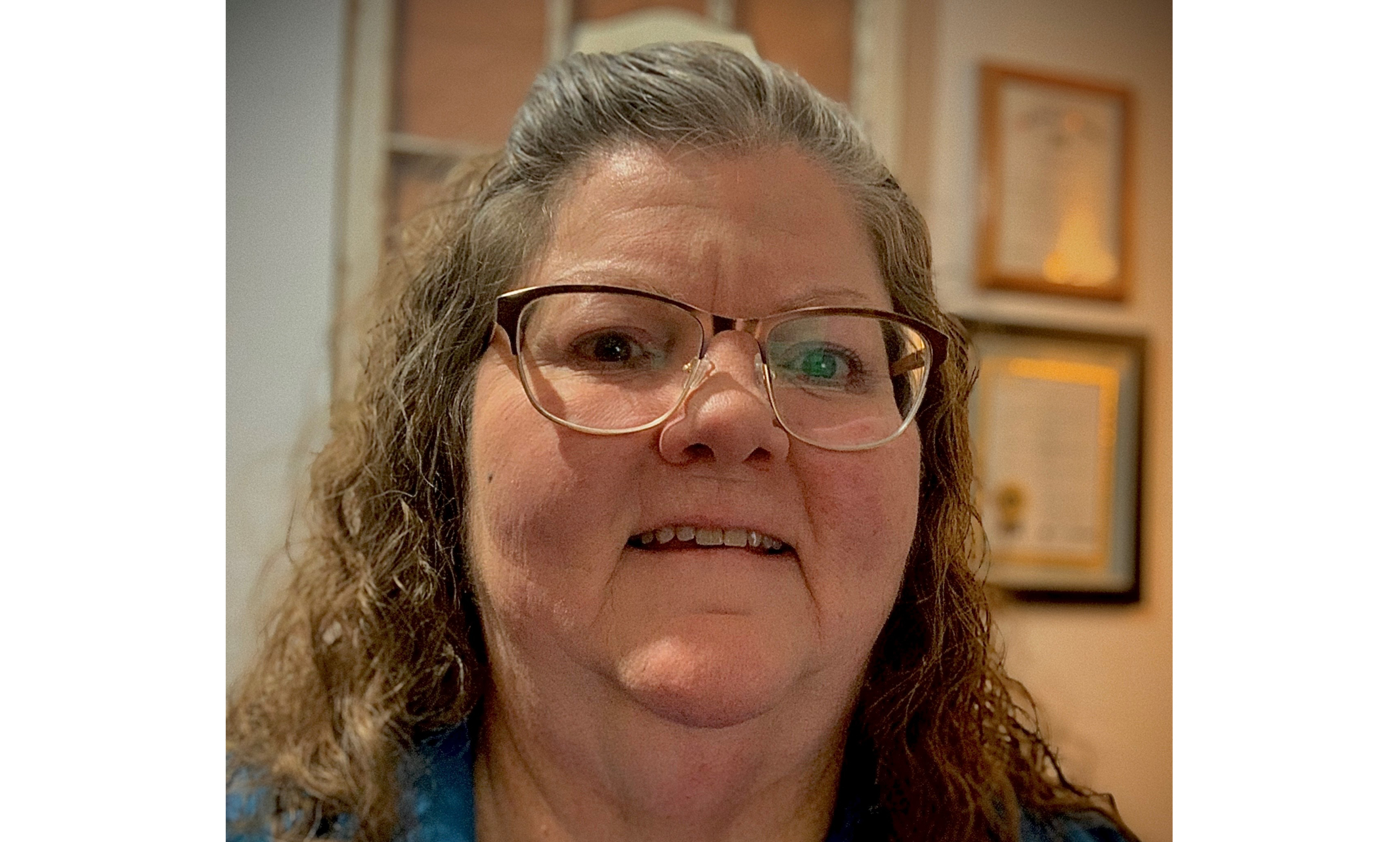
Leslie Luke receives School of Nursing and Health Studies Alumni Achievement Award
Each year, the UMKC Alumni Association recognizes the achievements of outstanding alumni with an awards celebration. The UMKC School of Nursing and Health Studies is honoring Leslie Luke (M.S.N. ’00) with its Class of 2022 Alumni Achievement Award.
For Leslie Luke (M.S.N. ’00), independence, family, rural health care and getting to know her patients have been the driving forces behind her unique health care career.
You’ve forged your own way in nursing opening your own practice, what drove you down this unique path?
I was inspired to form my own practice, the Care Clinic in Maryville, Missouri, after several years working as a nurse in hospital settings and private clinics. I earned a master’s degree in the UMKC Family Nurse Practitioner program, which helped provide me with the breadth of experience needed to run a comprehensive clinic.
Through the Care Clinic, I’m able to provide a wide variety of services to the rural community. I treat infants to seniors for any number of health care concerns from diagnosing sore throats and ear infections to anti-aging and nutrition options.
Your practice is in rural northwest Missouri, why was it important for you to provide more health care options to that area?
It was important for me to provide my rural community with an independent health care option outside of the larger group networks that were available. In a rural area, you need to be able to see anyone that walks in the door. I wanted to bring that option to patients in my area.
It’s the closeness I have with my patients that makes rural health care unique for me. You really get to know the patients, their families and lifestyle.
What are your proudest accomplishments and what challenges have you encountered along the way?
The longevity of the Care Clinic is one of my proudest accomplishments as a practitioner, with the clinic going on 15 years providing care to the Maryville community. I also appreciate being my own boss, but that didn’t come without its challenges.
My greatest challenge was learning the business side of things. But my greatest reward was the flexibility to stay involved in many of my children’s activities.
What words of advice would you provide other nursing students interested in following your path?
If you have an independent spirt and may want to branch out on your own as well, make the most of your education. Make sure to take some business classes and get a wide variety of nursing experience.
I enjoyed the flexibility of the online aspect of the program but it was also very meaningful when we were able to come to campus once each semester. That was one of my fondest memories about my time at UMKC. I loved meeting all the other FNP students with our in-person classes.
About Alumni Awards
Join us in honoring Luke and the other Class of 2022 awardees at an in-person celebration at 6 p.m. April 29, at the James C. Olson Performing Arts Center. To register, visit UMKC's Alumni Association website. If you are unable to attend the event but would like to donate to student scholarships, contributions can be made online.
Mar 03, 2022
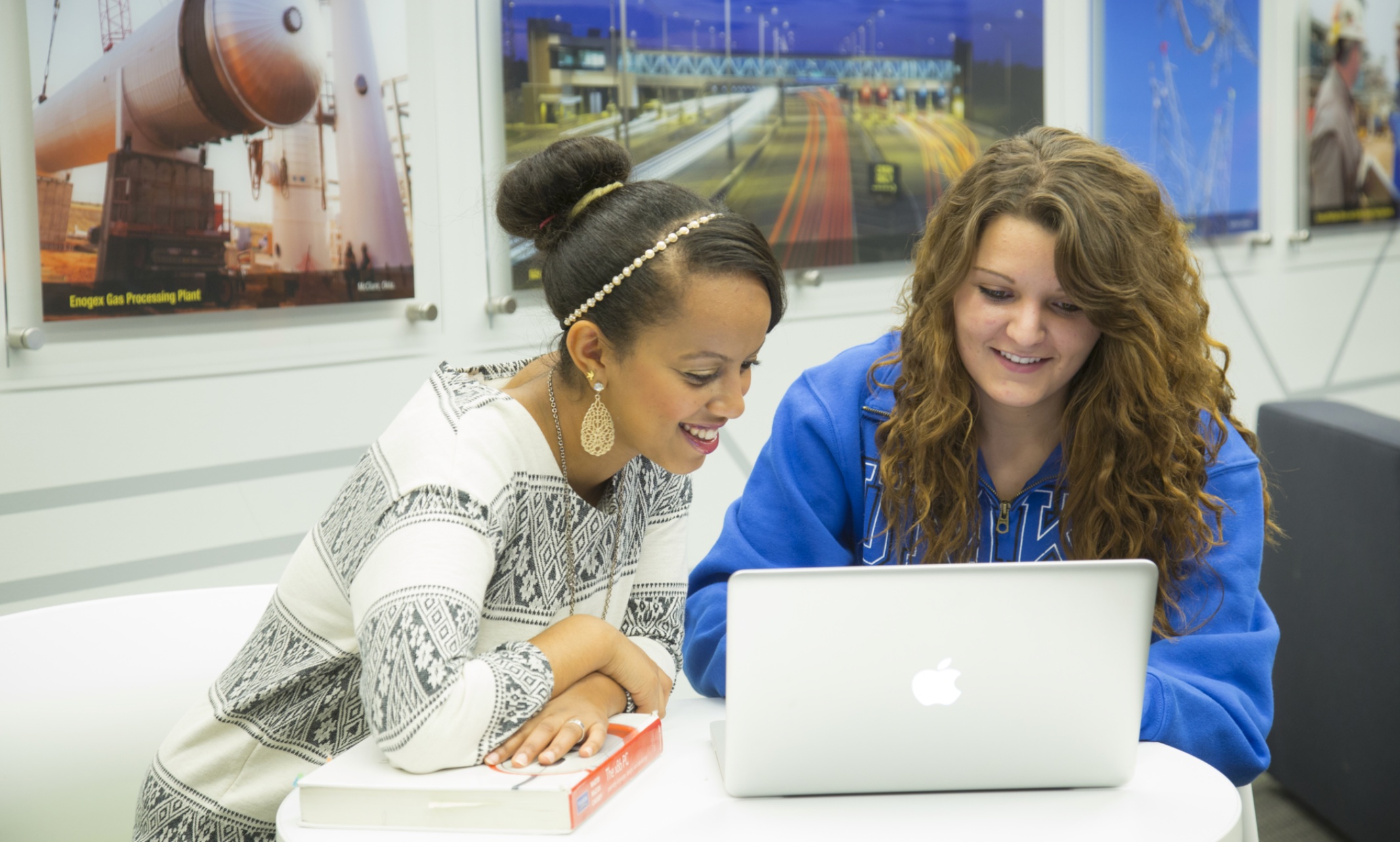
Tuition reimbursement benefit now available in Kansas City area at UMKC
The University of Missouri-Kansas City is partnering with Amazon to offer the company's hourly employees full tuition through Amazon’s Career Choice education program.
The program provides full tuition and course fees for Amazon employees who enroll in degree programs or industry certification programs designed to lead to in-demand jobs.
Amazon employees began enrolling at UMKC in January. The company has several thousand hourly employees within a 100-mile radius of UMKC who are eligible to participate. First step is to visit this page to find easy step-by-step instructions and sign up for contact with an admissions counselor.
This makes the Career Choice program available in the Kansas City area for the first time for in-person classes at an accredited university. UMKC also offers online options. The company launched the benefit program in 2012 and it is available to employees in 14 countries. According to Amazon, more than 50,000 employees around the world have participated since inception, and more than half of Amazon Career Choice participants identify as Black, Hispanic or Native American.
“We are excited and proud to partner with Amazon to help their employees build a better future,” said Jennifer Lundgren, Ph.D., UMKC provost and executive vice chancellor. “Tuition reimbursement benefits are a highly effective path to upward financial mobility and participating in such programs is integral to our mission as a public university.”
UMKC offers more than 125 degree programs and has extensive experience in serving non-traditional students (other than recent high school graduates enrolled full-time).
“We’re looking forward to UMKC coming on board as an education partner for Career Choice, adding to the hundreds of best-in-class offerings available to our employees,” said Tammy Thiemann, global program lead of Amazon’s Career Choice program. “We’re committed to empowering our employees by providing them access to the education and training they need to grow their careers, whether that’s with us or elsewhere. We have intentionally cultivated a partner network of third-party educators and employers committed to providing excellent education, job placement resources, and continuous improvements to the experience. Today, more than 50,000 Amazon employees around the world have already participated in Career Choice and we’ve seen first-hand how it can transform their lives.”
Learn more about Amazon Career Choice at UMKC
Mar 02, 2022
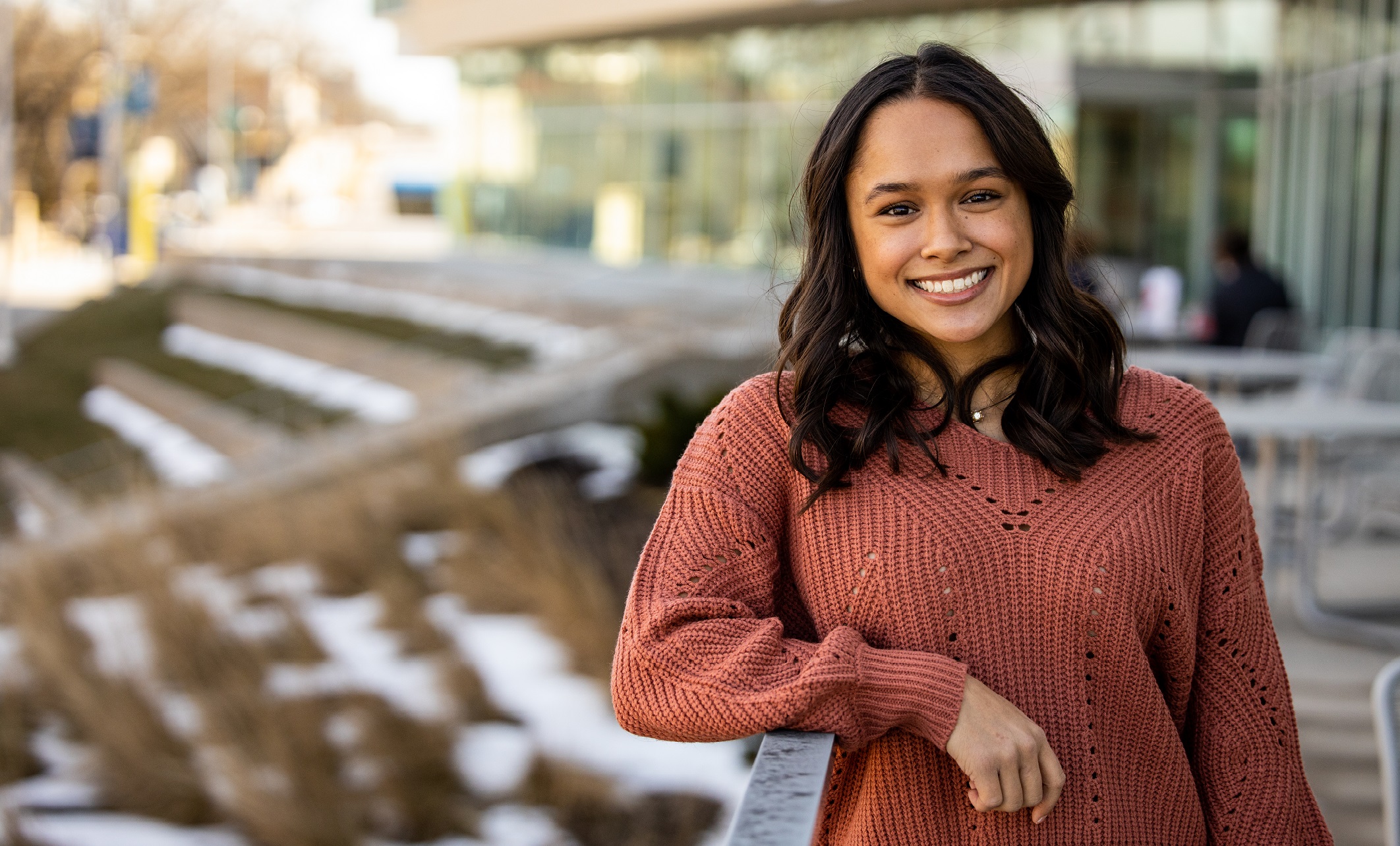
Student organization offers community and support
Roos don’t just dream, they do. Our students turn ideas into action every day. Get to know our people and you’ll know what UMKC is all about.
Izzy DaabAnticipated graduation year: 2023UMKC degree program: B.S. biology, pre-medical emphasis, Honors ProgramHometown: St. Charles, MO
Pre-med Society president Izzy Daab has her sights set on becoming an orthopedic surgeon. As a former athlete – competing in basketball and cross country in high school – she has had a lot of experience in orthopedic medicine from the patient’s perspective. Someday she’d like to work with athletes and inspire patients to take care of their bodies as her doctors took care of her.
Izzy Daab, center with Pre-med Society members Toluwa Balogun, Madi Sweeney, Sonya Ahmad and Diego Silva
Daab’s main objective as Pre-Medical Society’s president is to grow a strong connection with the community and build a solid support system that will help all of the members achieve their individual goals. Outside of studying and helping run the chapter, Daab enjoys exploring Kansas City and enjoying all the city has to offer.
Why did you choose UMKC?
I chose UMKC because I knew the programs, faculty and students would challenge me to grow as a person and prepare me for my journey following graduation. Additionally, I was immediately attracted to the campus location. Living in Kansas City has enriched my college career with new experiences and opportunities in all aspects of my life.
What are the challenges and benefits of the program?
Being a pre-medical student requires a lot of hard work, time and dedication. The biggest challenge I have encountered is finding a balance. It is so important to take care of yourself and to experience life outside of studying.
The UMKC faculty does a great job ensuring you are ready to succeed in post-graduate studies and in your career. I have developed amazing relationships with faculty on campus and believe these have largely contributed to my success at UMKC.
Since entering college, what have you learned about yourself?
I have learned that staying true to myself is the best thing I can do as I navigate college and all it has to offer. UMKC has allowed me to push myself beyond my limits and outside of my comfort zone. I’ve learned that I am capable of more than I have ever imagined. The most important thing I have learned is that through everything college will throw at you, staying true to yourself and your aspirations will get you far in life.
How did you get involved in the Pre-Med Society?
I got involved in Pre-Med Society as a freshman. I was looking for a group where I could meet pre-medical students just like me, and Pre-Medical Society was a perfect place to start. After being a general member for my freshman year, I served as the medical school liaison for my sophomore year, and then was elected to be president for this current school year.
What have the benefits been?
The top benefit has definitely been meeting all of these amazing people. I’ve met most of my closest friends through Pre-Medical Society. As someone who has been a part of the group through COVID-19 and in-person, I’ve had the opportunity to help rebuild the pre-medical community and strengthen my ties to UMKC.
What are the meetings like?
We focus on providing a strong foundation of support for pre-medical students on campus. We provide knowledge and advice to students by bringing in physicians and speakers from the healthcare field who can share their wisdom and experiences with us.
What are your individual goals?
I hope to attend medical school following graduation and become an orthopedic surgeon. I have always been inspired by the sports medicine field, especially as a retired athlete who has a lot of experience being on the patient side of sports medicine. So, I hope to someday be an orthopedic surgeon that can primarily work with athletes and inspire patients to take care of and heal their body like my own doctors did for me.
What is one word that best describes you and why?
Tenacious. I have always been the type of person who never stops working hard until I reach my goals. My determination and grit have always made me who I am. I do not give up until I accomplish what I am pursuing.
Mar 02, 2022
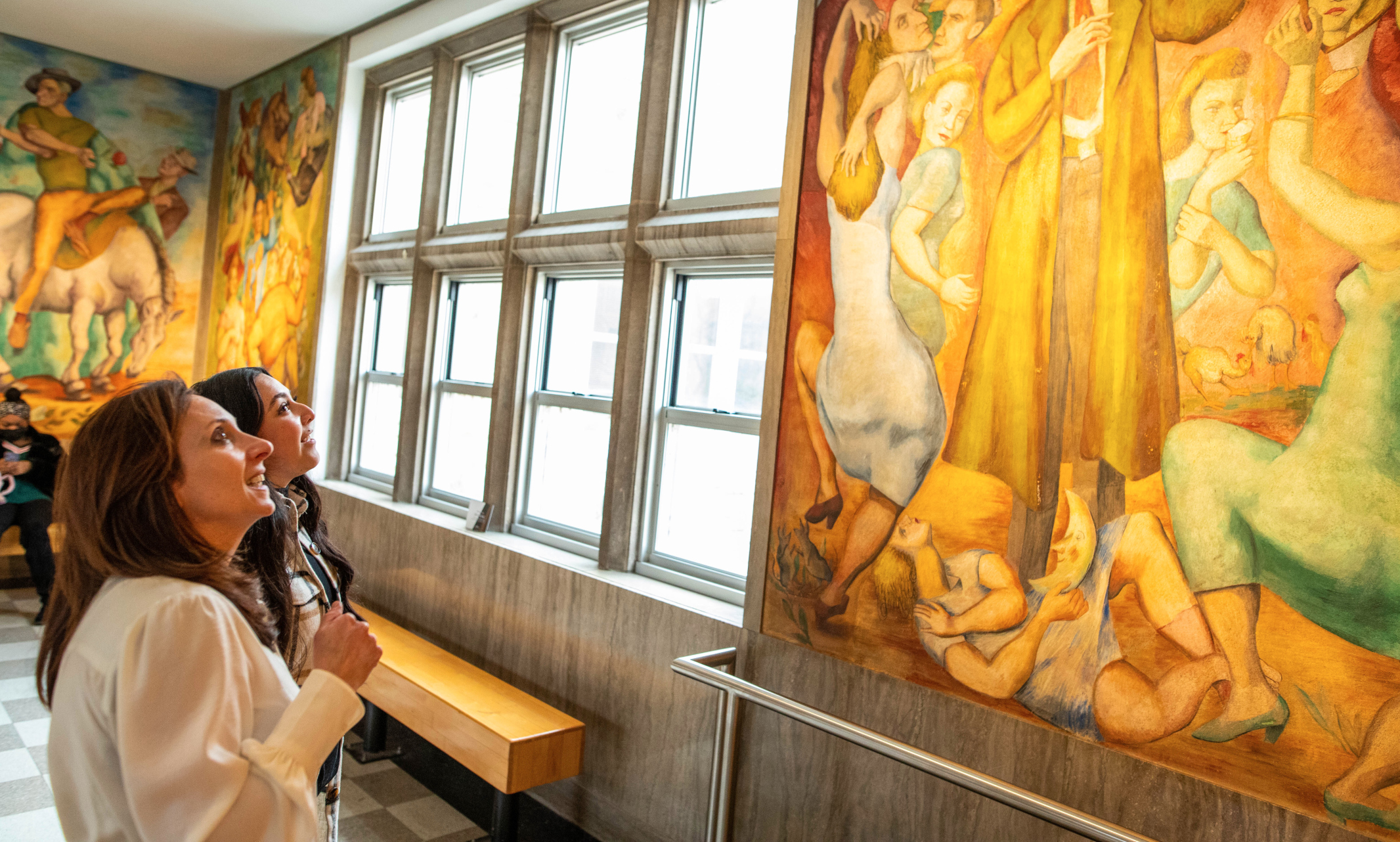
Dynamic Duo explores historic art fixture in the heart of UMKC campus
The heart of UMKC is our campus community. With lots of research opportunities, it’s easy to develop mentorship teams. And these rich relationships—our Dynamic Duos—are some of our best success stories.
UMKC senior Victoria Dominguez is roughly three months away from her college graduation. But instead of coasting to the finish line, she’s knee deep in a research project that will have lasting impact at UMKC.
“The murals in Haag Hall are really fascinating and not a lot of students I’ve talked to are aware that they’re here on campus,” Dominguez explained.
The mural, located on the second floor of Haag Hall, was painted by Spanish artist Luis Quintanilla in 1941. Quintanilla came to the forerunner of UMKC, the University of Kansas City (UKC) in 1940 to serve as its first artist-in-residence at the invitation of UKC President Clarence Decker.
“Part of my research focuses on how Dr. Decker broadened the academic scope of the university by bringing in displaced scholars like Quintanilla,” said Dominguez.
There’s much more historical significance to these paintings than a casual glance reveals. Viviana Grieco, PhD., professor of History, had worked with Dominguez on a separate research project, and presented her with the opportunity to do an independent research project related to the murals. Dominguez was immediately intrigued, and the mentor relationship deepened.
Victoria Dominguez
“To me as a historian, the most interesting part is that President Decker was able to position this young and unknown university at the level of more prominent universities that were applying for aid through the Rockefeller Foundation, to bring in displaced scholars and scientists. This was during the depression and the university was only five years old at the time, so it was very impressive to get an artist of that caliber here. It was a huge win that deserves recognition,” said Grieco.
The mural was painted to reflect the theme, “Don Quixote in the Modern World.” It features many people and animals, but up until now, the identities of those depicted in the mural remain unknown.
Victoria says she’s spent hours combing through various sources, with the help of Grieco, in hopes of identifying the people in the mural. She’s used university archives, old yearbooks, viewed a number of special collections, consulted the Rockefeller Foundation archives and the New York Public library to get information.
“The mural includes illustrations of Dr. Decker and his wife, Luis Quintanilla and his whole family, Alexander Cappon who was part of the UKC English Department. It features staff members, professors and students. They’re all depicted in different images across the murals,” Dominguez explained.
Dominguez says she loves the spark that comes with each new identification and deeply appreciates the guidance and mentorship she’s received from Grieco throughout this process.
“Not only is Dr. Grieco inspiring, but she pushes me to my full potential. I don’t think I would have done any of this research work if it wasn’t for her. She has helped push me past my comfort zone and challenged me to think more deeply about topics. This research opportunity has really enhanced my university experience,” said Dominguez.
Grieco has been equally inspired by the fascinating project.
“We’re having fun. When we discover something new or a new detail that fits into the bigger picture of our research, we get excited. I enjoy getting immersed into her project and helping guide her.”
The pair has built a strong bond through working together on this project and they’ve noticed a few similarities between their work and the work of the muralist they’re studying.
Viviana Grieco, Ph.D.
“Our mentor/mentee experience parallels that of Quintanilla and UKC’s students. Despite not speaking fluent, English Quintanilla was able to connect with the students on campus and work with them as subjects for his mural. Still today it remains true that these unique mentorship and student engagement opportunities can help students take the most out of their university experience,” said Grieco.
Dominguez urges anyone considering research to take a chance and connect with a mentor who can serve as your guide.
“It’s one of the best experiences and opportunities I’ve had during my time here at UMKC. If you are offered a research opportunity, just take it because it’s vastly different from other coursework and research is a unique opportunity that could help you find passion and figure out what you want to do after college.”
She plans to present her research findings during Undergraduate Research Day at the Capitol in Jefferson City this spring. Dominguez hopes this project brings renewed attention and respect to this campus gem.
“The interest in these murals and the artist has faded and I really hope my research helps shed more light on both, because the artist’s work is a huge part of our university and I think a lot of students should know more about it.”
Mar 01, 2022
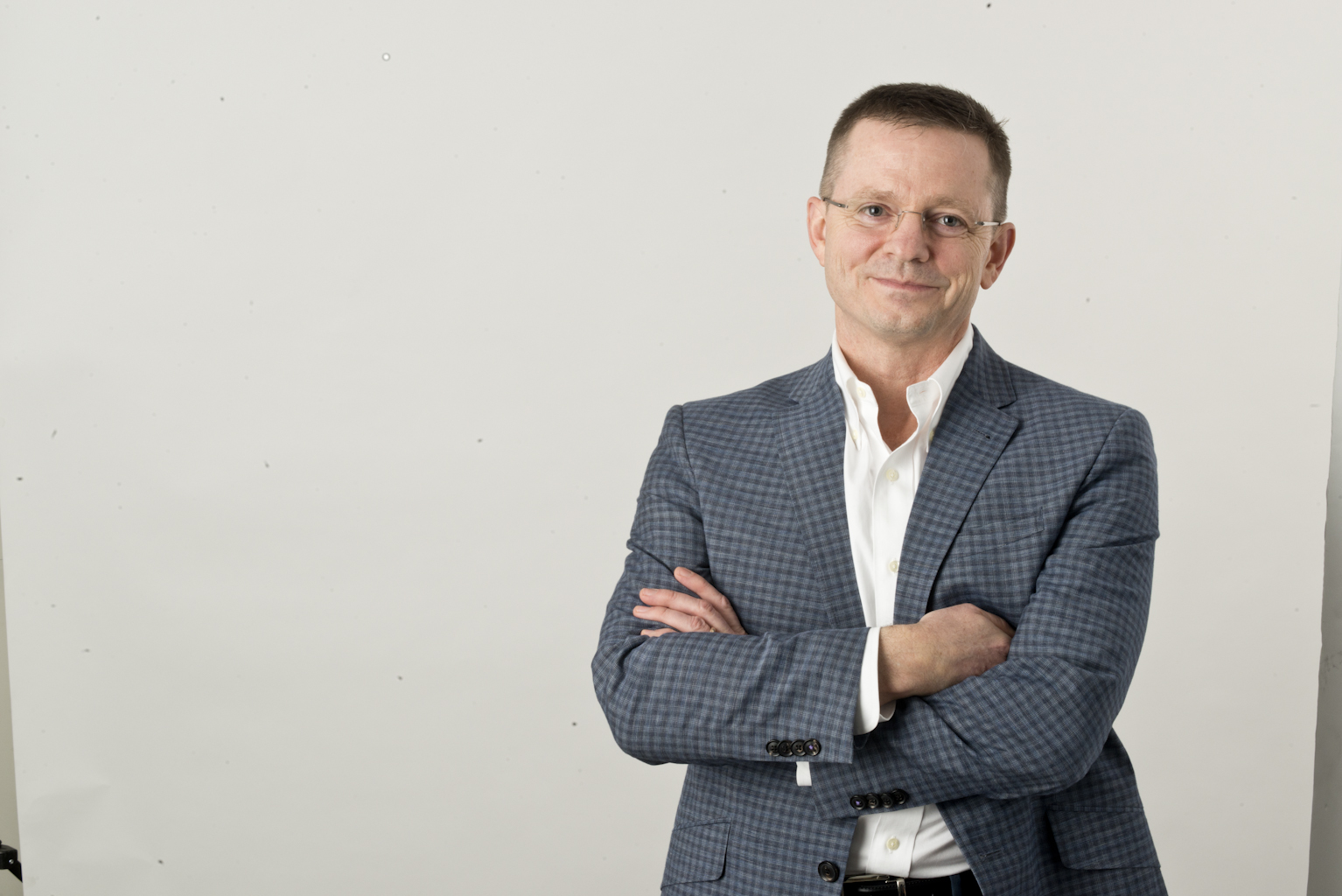
School of Biological and Chemical Sciences selects Joseph Lambing (Ph.D., '90) to receive 2022 Alumni Award
Each year, the UMKC Alumni Association recognizes the achievements of outstanding alumni with an awards celebration. The School of Biological and Chemical Sciences is honoring Joseph Lambing (Ph.D. ‘90) with its Class of 2022 Alumni Achievement Award.
Joseph Lambing, Ph.D. worked for 30 years in the biotechnology and pharmaceutical industry, primarily focused on cardiovascular disease.
During his extensive career, he guided numerous drug discovery programs from early leads through clinical development and contributed to multiple investigational new drug and new drug applications for more than a dozen new chemical entities. Lambing is the author of several patents and publications and was involved in building multiple successful biotechnology companies.
He recently retired from Bristol Myers Squibb, formerly MyoKardia, where he was the Senior Vice President of Nonclinical and Pharmaceutical Development.
What inspired you to work in your field?
I was interested in life sciences early in my undergraduate chemistry years, but I ended up in the biotechnology/pharmaceutical business by serendipity. After my post-doc at UCSD, I took a job in a small custom peptides company applying the skills I learned at UMKC and UCSD.
After a few years, I was recruited to a company called COR Therapeutics in San Francisco. This turned out to be a good fit for me and it really set me on the path of working in cardiovascular drug discovery and connected me with the professionals that I would continue to work with at different companies throughout my career.
Tell me about one of your favorite or most interesting work projects.
Two projects come to mind. One is the work we did on Mavacamten at MyoKardia. That is a drug developed for patients with hypertrophic cardiomyopathy. Until Mavacamten, these patients had no drugs developed specifically to treat their disease. After a trial, it was found both safe and highly effective, making a real breakthrough for these patients.
The second is my work at Portola Pharmaceuticals on Andexanet Alpha, a modified form of Factor Xa that is an antidote for small molecule anticoagulants and is used when patients have life-threatening bleeding complications. This was a very unusual and challenging project that has now been approved and helped save many lives.
What is your proudest accomplishment?
My marriage to Rebecca, who I met during my time at UMKC, and our two beautiful children who have grown up to be an engineering and a neuroscientist.
What advice do you have for students who’d like to follow in your footsteps?
Find an area you are passionate about pursuing. For me, working in pharmaceuticals gave me a purpose because I always felt like I was working for patients. It’s also important to surround yourself with intelligent and passionate people that you enjoy working with.
About the Alumni Awards
Join us in honoring Lambing and other Class of 2022 awardees at an in-person celebration at 6 p.m. April 29, at the James C. Olson Performing Arts Center. To register, visit UMKC's Alumni Association website. If you are unable to attend the event but would like to donate to student scholarships, contributions can be made online.
Mar 01, 2022
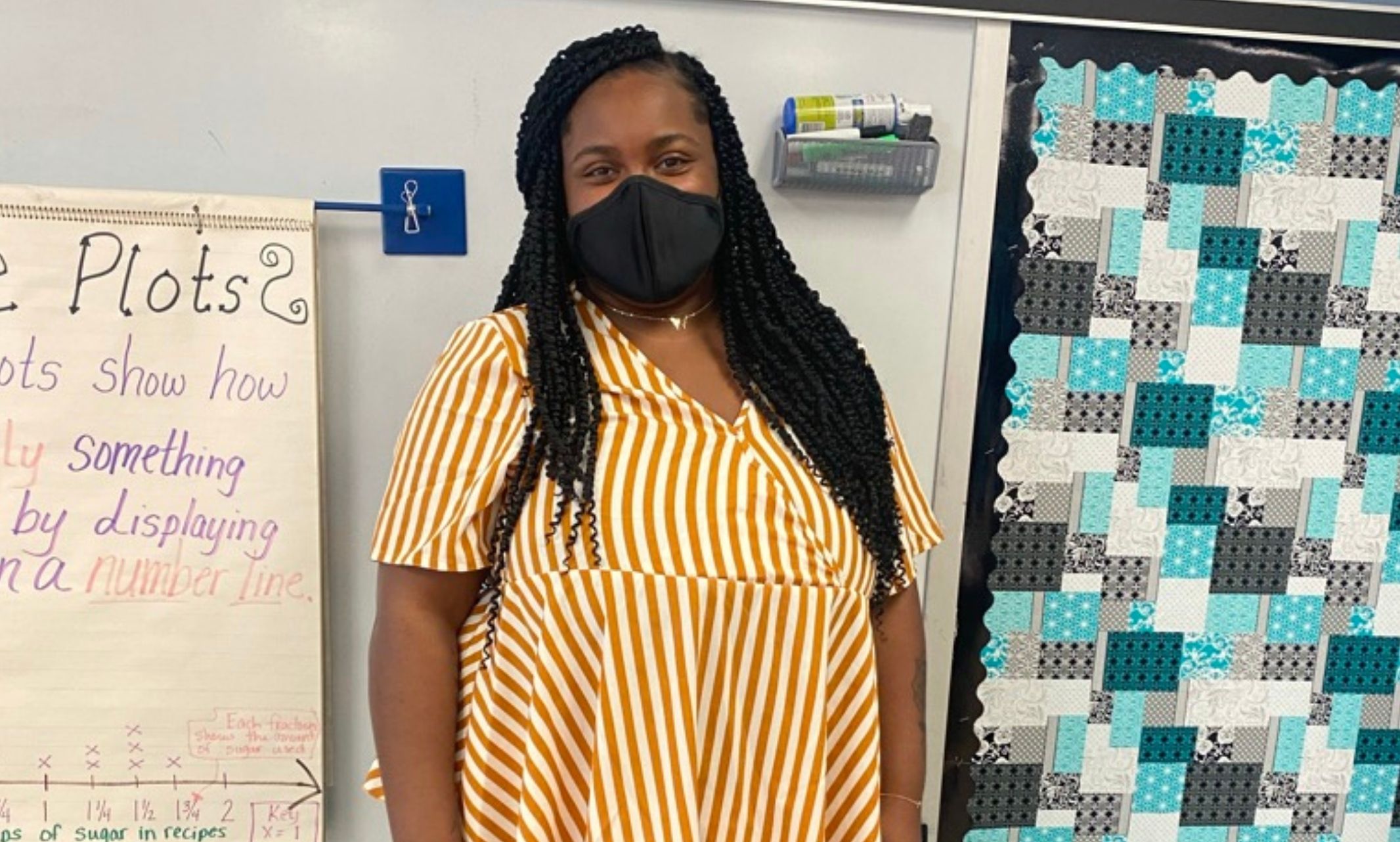
Student-teachers learn how to manage their own classrooms, even in a pandemic
Student-teaching is the final year of school for education students, and it’s filled with challenges and new experiences. How does a global pandemic factor in?
We spoke with three UMKC students who are student-teaching in greater Kansas City about how they’ve made the transition from student to teacher.
Where are you currently student teaching?
Lea Johnson: I am at East High School in the Kansas City Public School District (KCPS).
LeXaibriar (Xai) Brooks: I am currently student teaching in the KCPS School District at J.A. Rogers Elementary School.
Zane Green: I am student teaching in the Guadalupe Center Charter School, specifically the high school (GCHS).
Why did you decide to become a teacher?
Johnson: Our communities and students have complex cultural identities, which aren’t always served well. I want to develop the identities of my students and myself and work together to ensure that all young people receive the same quality of education, resources and opportunities so that they may pursue their dreams.
Brooks: I always knew I wanted to be a teacher. I was very active in church, and I would sometimes tutor. I was always helping someone write a paper or looking over their work. I liked being able to help and use my knowledge for something good. I also learned firsthand how one good teacher can change the course of a life, and that’s who I wanted to be.
Green: I will be a third-generation teacher. My mother taught home economics in Grandview and Parkville South. Her father, my grandfather, taught middle school math in a small town in Southwest Iowa. I would like to teach high school civics and speech and debate. I had an amazing civics teacher who was awesome and always did his best to make lessons fun; it was obvious that he cared deeply about his students and the topics.
What is your favorite subject to teach?
Johnson: I have always had an innate desire to create and express myself through art. It enables me to understand and make sense of the world around me, and I’ve always wanted to find a spot to help others empower themselves through creativity. Education is my landing spot. The classroom is a special place that can teach students essential life skills, but it is also a place for students to learn about themselves, others and the world. Art is the medium where I am able to guide students through these developmental processes, enabling them to overcome barriers that might have seemed too tall to scale.
Brooks: My favorite subject to teach is definitely reading. I believe that there is a lot of power behind words and if you learn to use them in the right way, you’ll never be unheard or misunderstood.
Green: Government. In the practicum program, I have observed and taught U.S. history, world history, and sociology, but government has been the most fun. Civics classes allow for discussion and activities that include resemblances of what you would see in a speech and debate club.
Zane Green
Did Covid affect your student-teaching plans?
Johnson: Not really, KCPS has been in-person the whole year, but my cooperating teacher and I have had to re-structure some of our lessons to accommodate Covid-related restrictions and to allot extra time for everyone to clean our art supplies and disinfect tables between classes.
Brooks: Covid actually did not interfere with any of the plans that I had for student teaching. When I started my student teaching in August, everything went exactly as my cooperating teacher and I planned. We did have to plan a little more as far as seating goes, or how far apart the students had to be, but that’s about it.
Green: Absolutely! Despite getting vaccinated back in March and April, I got COVID the weekend before GCHS started. I missed the first two weeks of student teaching. I was finally able to go in, and then the fourth week of school my cooperating teacher tested positive so I spent the week with a substitute teacher.
Covid has been hard on schools, especially the Omicron variant. How have you noticed it impacting your school community? You?
Johnson: Overall, the community, students, teachers and support staff, seem overwhelmed. For me, it has been hard to get the students re-focused once they come back to school after being sick or caring for family. I have also had to be flexible with my lesson planning to allow more time for my students to catch up on their missing work. But the many teacher absences due to Covid have actually given me opportunities to substitute teach for my cooperating teacher and cover other classes, giving me lots of valuable experience in classroom management and in developing positive relationships with more students.
Brooks: Omicron has definitely impacted our school community. There are kids being pulled out of class for testing left and right, and teachers are sick and out of the building, which is also hard for our school community because of the substitute teacher shortage. As for me, just making sure to be safe and aware of my health, while also doing the things I’m there to do, is another job within itself.
Green: The last few days before winter break, we were missing 25% of the student body. The week of MLK day, we had closures Tuesday and Wednesday because too many students and staff had tested positive. For myself, it’s just a sinking feeling when I see I am going to be missing a student for 5-10 days. It is extremely disheartening and I’m left wondering how I catch all these kids up.
What has been your favorite part of student-teaching so far?
Johnson: Working together alongside my students to imagine, investigate, construct and reflect on the creative process.
Brooks: THE KIDS! Definitely. They are a constant reminder of what teaching means and why I chose this for myself. Even though I’m the teacher, they teach me every day how to be better as not only a teacher but a person.
Green: When students “get it.” GCHS has a large population of English Language Learners, so whenever I find the right way to explain or word something to them it is very gratifying.
Lea Johnson
What is something that’s challenged you, or that you didn’t expect?
Johnson: It’s been challenging to keep students off their phones and focused on completing their work during class. I knew cell phone addiction was a real thing, but now I have seen firsthand the negative impact it is having on our students’ academic performance.
Brooks: Oddly, the thing that has challenged me and the thing that I didn’t expect is the same thing: the relationships I have with the students. I didn’t expect that the students would have such an impact on me in such a short time, or that I would love them far beyond the classroom. This is also a challenge because oftentimes it’s hard to separate my life from theirs. I find myself wondering if they’re eating on weekends, sleeping well, etc.
Green: The amount of time it takes to lesson plan, grade and prepare for class and how little time I have to do all of it. It’s all a part of the process and student-teaching is a full-time job, but it is hard to balance everything.
What’s one word you would use to describe your teaching style?
Johnson: Warm-demander. I have a nurturing personality and developing positive relationships with my students comes easily to me, but I also have high expectations for my students and push them to work hard and create something they are proud of.
Brooks: Free. I know that there are certain things that have to be taught and things that have to be done, but even with that there are ways to venture out and do things in a way that interests you and your students.
Green: Flexible. I do my best not to talk at the board for more than five minutes at a time if I am giving direct instruction. I prefer to have students learn independently, with a partner or a small group. Teenagers don’t really want to listen to me, but they might listen to their peers.
Feb 25, 2022
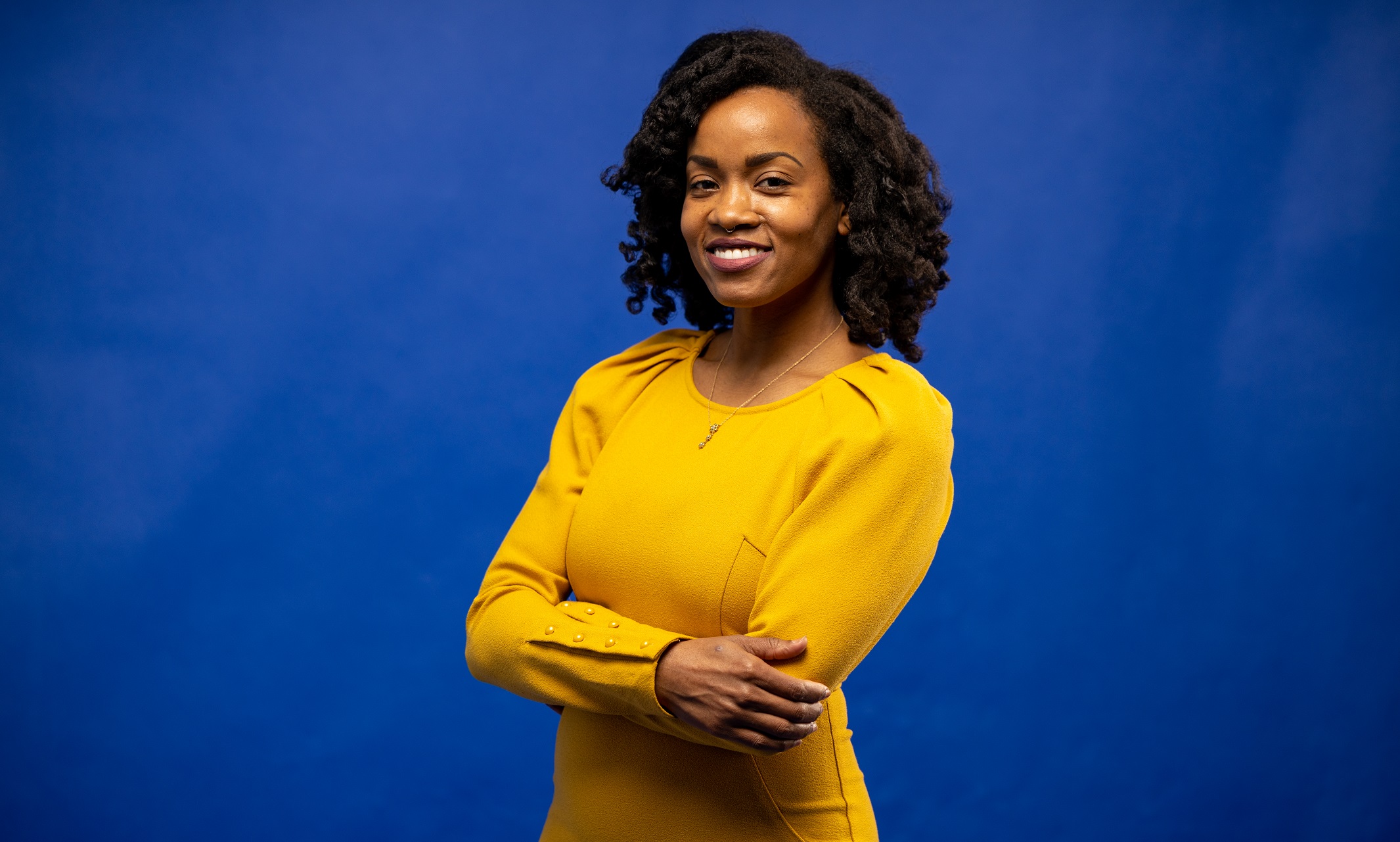
Aishah Augusta-Parham, Ph.D., receives start-up funding for new digital tool, SEPOW
During the summer of 2016 as Aishah Augusta-Parham, Ph.D. studied counseling and psychology, she experienced instances of prejudice in some of the businesses she frequented.
Despite a broader social awareness around equity, her personal experiences were proof that some systems that had not changed.
“I began realizing that as a psychologist, I could help individuals by targeting their specific symptoms, but when they left my office, I wouldn’t be able to impact those systems.”
Augusta-Parham, Ph.D. (B.A. '06, B.A. '08) decided that in order to be truly effective, she needed to target the systems as well as the undesirable experiences those systems were creating for some people. That is how SEPOW was born.
“SEPOW is the Yelp for diversity, equity and inclusion,” she says. “In the same way Yelp allows its users to rate their experiences, SEPOW will enable employees to rate their experiences at a business or company in relation to race, ethnicity, gender identity and expression, religion and sexual orientation – all on the app.”
Organizations will be able to see their ratings and select customized solutions that SEPOW can provide to address the specific experiences of their employees.
“Organizations will have real-time feedback on their multicultural initiatives, and see specifically what's working and what’s not working,” Augusta-Parham says. “They can have accurate information on race-related stress and how it’s impacting performance, morale and engagement with coworkers and employees.”
Augusta-Parham received support from Digital Sandbox, which provides start-ups with feedback and funding to accelerate their businesses. She says this has been instrumental to SEPOW’s growth and development.
“Now organizations will have real-time feedback on their multicultural initiatives. They can see specifically what's working and what’s not working.” — Aishah Augusta-Parham
“It’s really important for a founder to get out to the market as quickly as possible to accelerate towards commercialization,” Augusta-Parham says
Through networking, Augusta-Parham connected with an effective mentor. When she reached out to Bryan Shannon (B.A. ’04), who is an entrepreneur, he was impressed by her commitment and domain experience. He realized she was up to the challenge of getting her start up-to market.
“Aishah is the type of individual who looks for a pathway forward,” Shannon says. “SEPOW is attempting to fill a void that exists in a very sizable market.”
Augusta-Parham is working hard now, but she has even bigger plans for the future.
“Five years from now I want SEPOW to be the hallmark for diversity, equity and inclusion,” she says. “My goal is for employees to feel heard, supported and empowered, and for organizations to have the resources to help them move the needle on multicultural initiatives. ”
Start-up funding has been critical to her launch.
“Without Digital Sandbox, I wouldn't have this opportunity to move as quickly as I possibly can and get off the ground.”
Feb 25, 2022
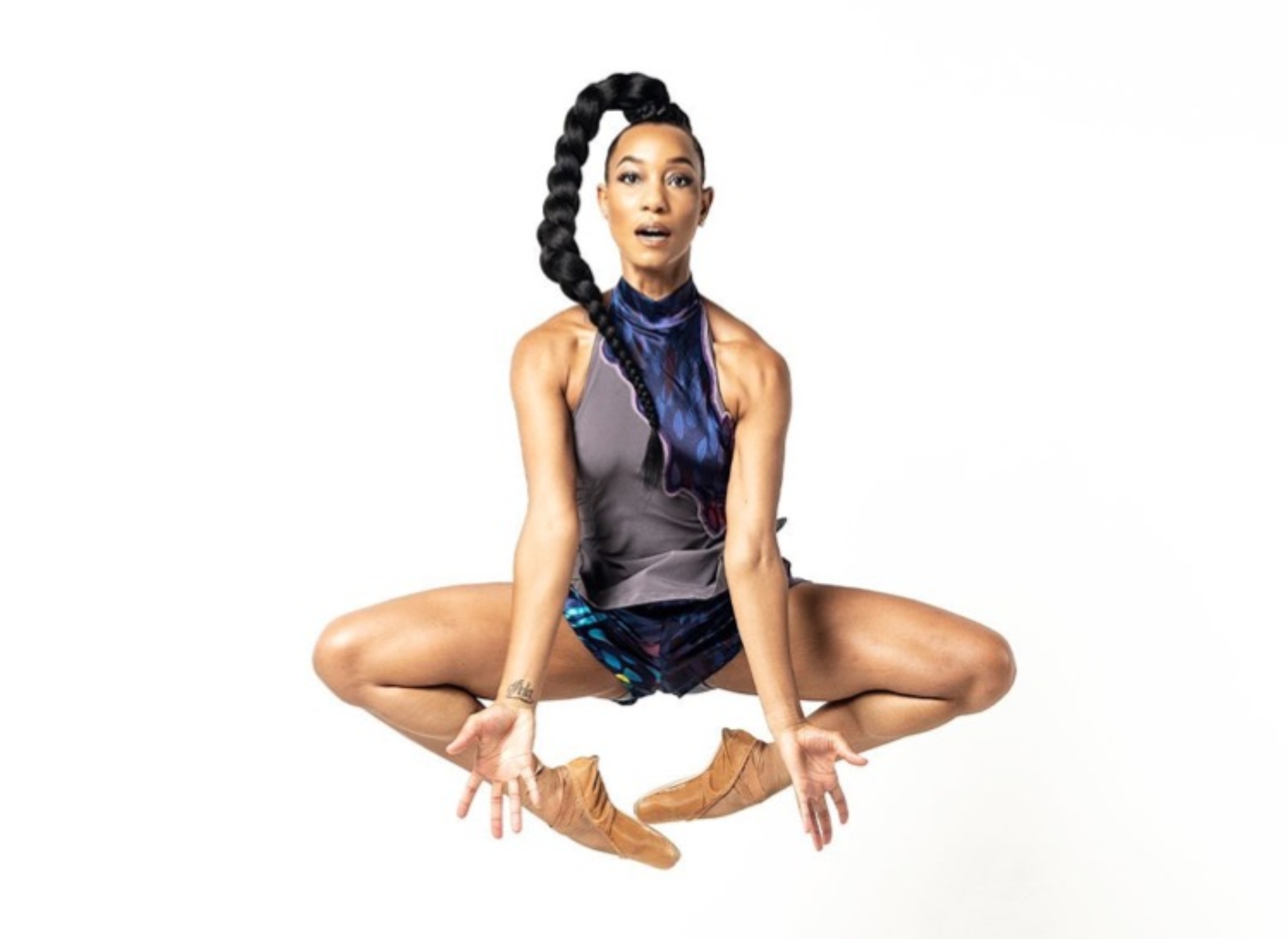
Conservatory alumna shares how UMKC and Kansas City connections helped advance her career
Without the University of Missouri-Kansas City, Miyesha McGriff (B.F.A. ’11) says she doesn’t know if she would have continued her career as a dancer.
As a teen, McGriff, a Kansas City native, grew up spending her summers at The Ailey School, an exclusive modern dance school based in New York City.
She trained at the Kansas City Ballet School from a young age where she became a company apprentice. While finishing her high school career, McGriff knew UMKC was her first choice of college — thanks to a ballet teacher who also happened to be a professor at the Conservatory.
“I put in my applications and did my audition, and it was like instant, I knew I was going to UMKC. That ended up being a huge moment for me because without my UMKC connections or my Kansas City connections, I don’t think I would be where I’m at,” McGriff said.
McGriff’s decision to attend the Conservatory set off a chain of events resulting in her joining the Collage Dance Collective of Memphis, Tennessee, as a company member in 2017. But how she got there was anything but the typical path for a career dancer.
After graduating from the Conservatory in 2011, McGriff said she was nervous about entering the professional dance world but she audition for the Dallas Black Dance Theatre in Dallas, Texas anyway.
“It was interesting because I was ballet trained but it was more of a contemporary-modern based company,” McGriff said. “It was really hard. So after about a year, I quit. I just wanted to give up. It was the first time that dance became work for me and not just a release.”
McGriff then decided to take a break from dance and made the decision to move back home to Kansas City. She took a job at the Greater Kansas City Community Foundation.
“Everyone there was so amazing, they recognized how I used my dance background to enhance my performance at my job. I was very organized, I was always on time, and it helped me move up in promotions pretty quickly,” McGriff said.
But even though she was taking a break from professional dance, she still had the itch to get back on the stage. McGriff said she would save all her paid-time-off during the year to take time off for rehearsals and perform with the Wylliams/Henry Contemporary Dance Company, a Kansas City-based company.
“I would go to work from 7 a.m. to 4 p.m., I would go to rehearsals from 5 – 11 p.m. and then on Saturdays, I would go to additional rehearsals. Then when we had theater week, I would use another week of PTO,” McGriff said. “Everyone in the office knew it. They would come to all of my shows and support me.”
After working at the Community Foundation for about two years, McGriff said she felt the pull of professional dance once again. So, when she got an opportunity in New York City, she decided to ask for a seven-week leave of absence.
“I contacted our human resources representative to ask for the leave, and she had just told me, ‘No. You need to go and experience this and if it doesn’t work out, you can come back, and you will have a job.’ I still have such a good relationship with them to this day, I’ve been away from Kansas City for eight or nine years and I know I can still call them,” McGriff said. “I am so thankful for that time with them because it made me appreciate dancing and what it means to have it.”
Once in New York, McGriff spent seven weeks trying to find a job. When she went into the Alvin Ailey American Dance Theater to see some old friends she struck up a conversation with someone she knew from her time there as a teen.
“She asked me ‘What are you doing?’ and I was just like, ‘I don’t know. I think I’m trying to figure out my life,’” McGriff said.
That conversation would help her land a job as a summer program chaperon, which lead to another job within the organization. She worked her way up to an administrative assistant to the directors of the Juniors Divison.
“Everyone’s path is for a reason and you have to respect your path and journey. The biggest thing you have to learn is that everyone else’s path is not your path. It’s the hardest and the biggest thing,” McGriff said.
After teaching for a couple of years, McGriff said she once again felt the pull to dance professionally when an old Ailey coworker reached out about an opportunity at the Collage Dance Collective, where she dances today.
“UMKC absolutely helped me get where I am today,” McGriff said. “Everyone there is rooting for you. That’s why they are professors, that’s why they are in the space that they are. They want you to have a good experience, if not better, than what they had.”
Feb 23, 2022
Assistant Professor Erin Hambrick, Ph.D. was one of several experts featured
Erin Hambrick, Ph.D. was featured in the documentary, Becoming Trauma Responsive, which premiered Feb. 21, 2022. The film, which was produced by the Kansas State University College of Education, asked experts to weigh in on the effects of trauma on learning, behavior and developing relationships.
The film documents the experiences of three schools in Kansas and Missouri both before and during the COVID-19 pandemic.
Hambrick, who studies the effect of trauma on children, was one of the experts who spoke about trauma and how trauma-responsive adults can improve resiliency in children.
"When we make our classrooms and our work places more trauma responsive, we are actually helping everyone. It's just that we might be helping people who have histories of trauma even more," said Hambrick in the film.
The film is available to view online here.
Feb 22, 2022
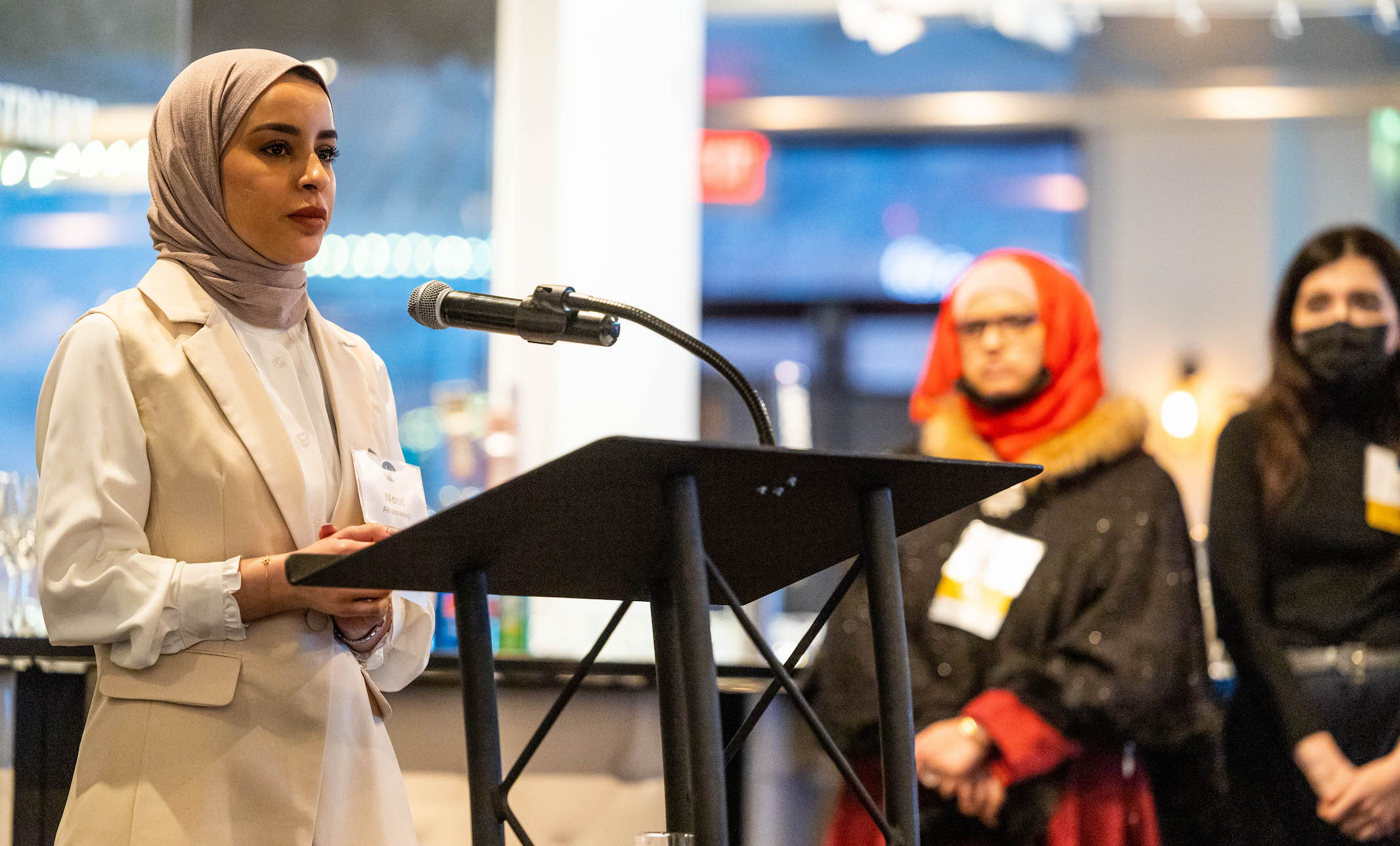
More than $2 million has helped enrich academic careers of more than 2,000 women
The UMKC Women’s Council Graduate Assistance Fund has awarded $90,000 to 53 recipients to support post-graduate work this year.
The UMKC Women’s Council celebrated 51 years of supporting women in graduate studies and honoring the 2022 awardees with a reception on Thursday, Feb. 24. Each woman’s focus is different, but their dedication to their academic and professional careers is paramount.
2022 UMKC Women's Council Graduate Assistance Fund recipients
Sunny Rugerri, Ph.D. ‘22, is studying to be a nurse researcher with a focus on developing programs and interventions to improve patient health. The GAF selected Rugerri as a funding recipient to support her research on low compliance rates among women with breast cancer who are prescribed oral medications that reduce the possibility of their cancer returning following surgery.
“I want to provide courage and eventually create a tailored intervention for the vulnerable populations and support them to endure the painfully long process of fighting and surviving breast cancer.” — Sunny Rugerri
Rugerri’s research was inspired by a fellow nursing student and friend who contracted breast cancer when she was 30 years old. Her outcome has been good, but her battle left a mark on Rugerri.
“She held on to her dreams even as her condition worsened,” Rugerri says. “I learned that breast cancer can be devastating for anyone.”
Leslie Boe, J.D., UMKC Women's Council president
While taking oral medications, such as Tamoxifen, for five years greatly improves patients’ chances of surviving the disease and mitigating its reoccurrence, patients often stop taking them because of side effects.
“I want to provide courage and eventually create a tailored intervention for the vulnerable populations and support them to endure the painfully long process of fighting and surviving breast cancer,” Rugerri says.
Fellow GAF funding recipient Anya Pogorelova, D.M.A. ’22, was inspired by one of her earliest piano teachers to pursue music as a profession.
“Rusudan Chigogidze was a remarkable woman,” Pogorelova says. “She was 77 years old when she took me on as a student. That alone should speak to just how inspiring she was.”
Pogorelova is committed to diversifying classical music literature by commissioning composers from a variety of backgrounds and producing professional recordings that will be available on easily accessible platforms such as Spotify and Apple Music. Just as Pogorelova’s teacher was her inspiration, she wants to inspire her students.
“It’s very important to amplify diverse voices in music, and it’s just as important to ensure that this generation’s composers receive proper compensation for their work.” — Anya Pogorelova
“I think every concert-goer and every musician would be thrilled to see themselves represented on stage and in the music. As a middle school teacher, I felt it was incredibly important for my students to have the ability to draw personal connections to composers, guest artists or musical figures. I wanted them to find that sense of familiarity and think, ‘That person is a lot like me. I could do that too!’ That’s an experience I wish I had when I was growing up.”
GAF funding will allow Pogorelova to commission work performed by the UMKC Wind Symphony.
“It’s very important to amplify diverse voices in music, and it’s just as important to ensure that this generation’s composers receive proper compensation for their work,” Pogorelova says.
UMKC Women’s Council president Leslie Boe became involved in the Women’s Council after attending an awards ceremony. She was inspired by the women graduate students’ work and was invited to apply for a position on the board of directors.
“The work our graduate students are doing is always innovative, interesting and impressive. These hardworking women are going to change the world, and I’m continually inspired by them. I’m honored to play a small role in their journey.”
Established in 1971, the UMKC Women’s Council Graduate Assistance Fund supports UMKC women working toward post-baccalaureate degrees with up to $2,000 in funds that furthers their completion of graduation requirements and enriches their educational experiences.
Feb 22, 2022
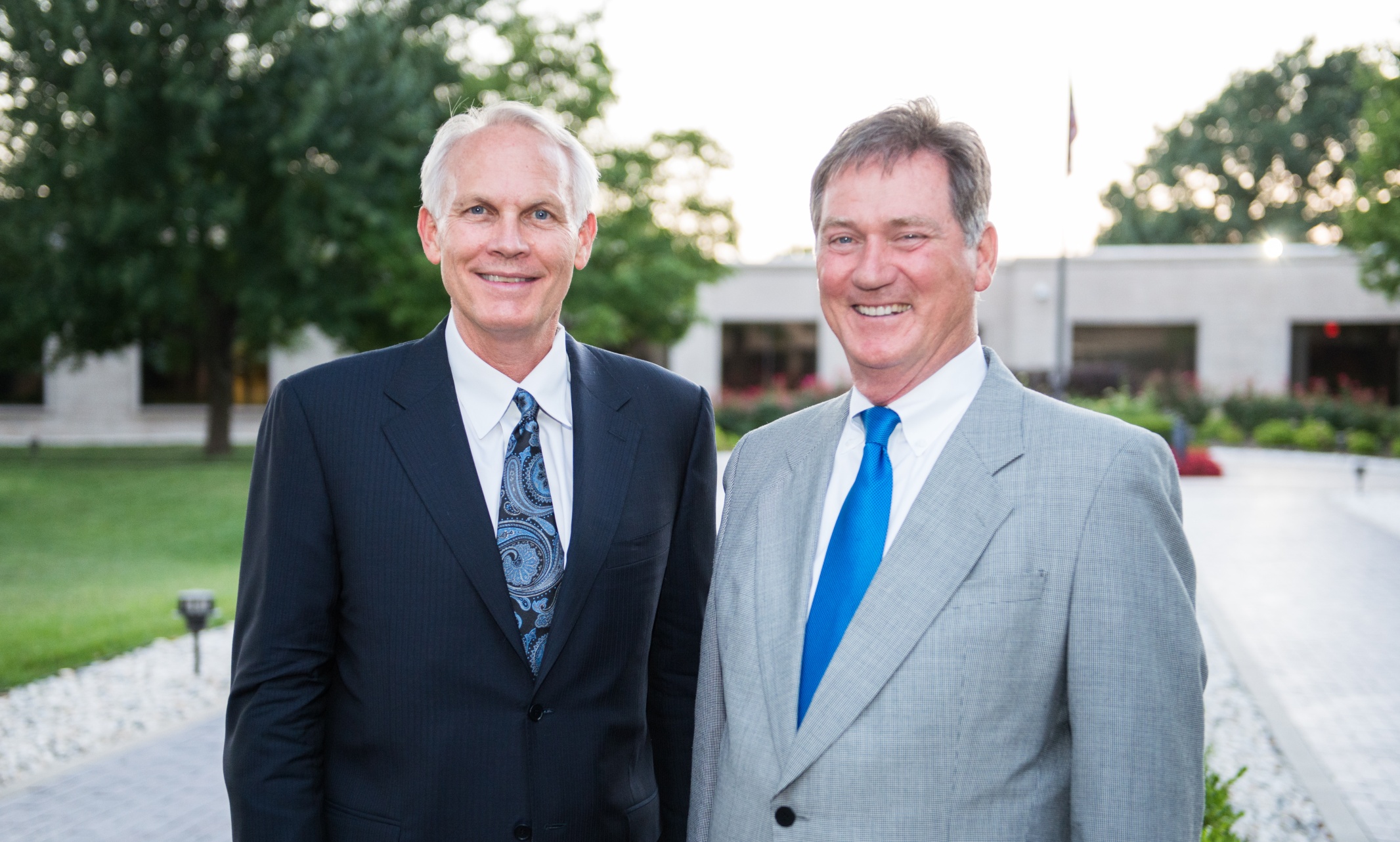
UMKC School of Law selects J. Kent Emison to receive Alumni Award
Each year, the UMKC Alumni Association recognizes the achievements of outstanding alumni with an awards celebration. UMKC is honoring J. Kent Emison (J.D. ’81) with its Class of 2022 School of Law Alumni Achievement Award.
Not long after graduating from UMKC School of Law in 1981, Emison met Bob Langdon, who has now been his law partner for 35 years. They had a monumental product liability case, Baker vs. General Motors, which found its way to the U.S. Supreme Court, and a favorable verdict brought national attention to their growing practice.
Emison has gone on to be recognized by countless professional organizations. He is a Fellow in the International Academy of Trial Lawyers, placing him in the top 1% of lawyers in the world. In 2017, he received the Thomas G. Strong Trial Attorney Award from the Missouri Association of Trial Attorneys for his leadership.
Inspired to become a lawyer by his great uncle, Emison now pays it forward. He has sponsored many law students to attend conferences and seminars, and he and his firm regularly sponsor mock trial teams and provide scholarships.
How did you know you wanted to be an attorney?
I knew I wanted to be an attorney when I was a junior in high school. I was raised on a dairy farm and most of my extended family on both sides were farmers. However, I had a great uncle who was a law professor at Washington University. He would visit my family once a year. He was a very dynamic person who made a point to have a conversation with me whenever he visited. This made a great impression on me. While this was not the only reason I wanted to be an attorney, it was a great influence, along with the realization that I was a not very good at farming!
What was the most exciting or challenging part of Baker v. General Motors?
The most challenging part of the Baker case was the sheer scope of it. Bob and I were the only two attorneys who worked on the trial part of Baker. GM had five or six different firms retained to defend the case, including Dick Bowman, the lead GM trial lawyer from Bowman & Brooke, a firm based in Minnesota. The case was an enormous undertaking for us, but after almost 10 years and a trip to the U.S. Supreme Court we were successful in resolving that case. Ken Starr was GM’s lawyer in the Supreme Court. While Bob and I were the trial lawyers, we worked with Laurence Tribe on the Supreme Court appeal. Professor Tribe is a great lawyer and was tremendous to work with on the Baker case. The entire experience of seeing the case go to the Supreme Court and the great lawyering on both sides was very exciting.
What advice do you have for students who’d like to follow in your footsteps?
Regardless of what type of law you practice, work with good lawyers who are good people.
Do not worry about how much money you make when you start your career. Make sure you like what you do and who you work with. If the answer to either of these is “no,” think about a change.
Regardless of the type or size of project you are working on, make sure your work product is done in a quality manner. Bigger and better projects or cases will result from excellent work on smaller cases and projects.
When you get an assignment from another attorney, be sure you fully understand the assignment. I recommend to young lawyers to do the following: If possible, get the assignment in writing. If you are given a verbal assignment, then repeat your understanding to your boss and then follow it up with an email or something in writing to document the assignment. Be sure to get the due date for completion, and don’t be late!
About the Alumni Awards
Join us in honoring Emison and the other Class of 2022 awardees at an in-person celebration at 6 p.m. April 29, at the James C. Olson Performing Arts Center. To register, visit UMKC's Alumni Association website. If you are unable to attend the event but would like to donate to student scholarships, contributions can be made online.
Feb 21, 2022
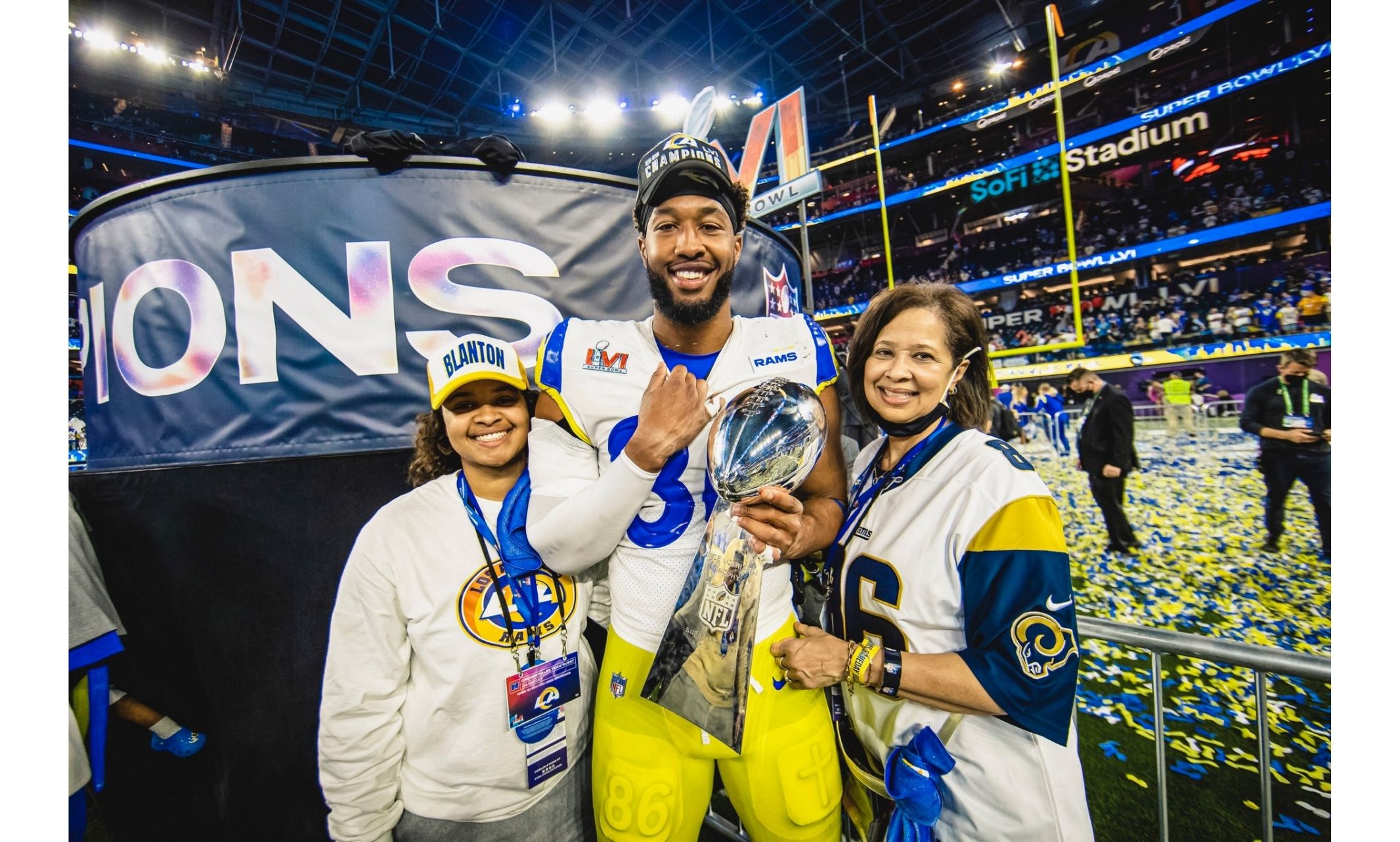
Former Kansas City Chiefs player and current UMKC staff member helped cheer his son to two Super Bowl wins.
Jerry Blanton, Associate Director of the Student Union, thought watching his son win the Super Bowl was a once in a lifetime experience. Then it happened again.
Talent and athletic ability run deep in the Blanton family. Jerry Blanton was drafted out of the University of Kentucky by the Buffalo Bills. After a short stint in New York, he came to Missouri and signed with the Kansas City Chiefs. Blanton played linebacker for the Chiefs for seven seasons.
“I loved playing football. Back then the game was different, and I enjoyed being on the field, working hard and playing in Kansas City.”
When Blanton retired from the NFL, he immediately began taking steps to fulfill his lifelong dream of working in law enforcement. As a kid he always dreamt of becoming an FBI agent and while in college, he prioritized his studies with that end goal in mind. Blanton worked for a number of years as a lead investigator for the Kansas City’s prosecutor’s office in the drug and sex crimes unit.
After several years in that role, he sought out a new opportunity in a different industry working as an area manager for a major beer distributor. Blanton enjoyed that role for a number of years before moving to Kentucky to serve as Deputy Commissioner over more than 52 state parks and 17 resorts.
“That was one of the best jobs I’ve ever had. I loved the work and was challenged by it. At the time I was the highest-ranking African-American ever appointed in the history of Kentucky’s State Parks Department and took pride in it.”
But with a young son and daughter back in Missouri, Blanton needed to get back to the Show-Me state.
Upon his return to Missouri, Blanton started working out regularly with his son Kendall, a basketball and football player in his grade school years. Blanton enjoyed working out with his son and helping instill strong values including work ethic, compassion, kindness and love.
“I always taught him to have a strong work ethic and to be humble. At times when he was defeated or down on himself I’d tell him ‘sometimes you have to go through the back door to open the front,’ meaning keep working hard and trying your best and things will work out.”
Things certainly did work out for Kendall Blanton. After graduating from the University of Missouri, Kendall signed with the LA Rams as a free agent. When the Rams starting tight end got injured, Blanton was the next man up on the roster and became the starting tight end for Super Bowl 56 in 2022. In his third season with the LA Rams, Blanton got to start in the big game and win a championship.
Then, Kendall signed with the Chiefs for the 2023 season, and once again found himself on the winner's podium, earning a second consecutive Super Bowl ring.
“I always tell my son how proud of I am of him for living his dream. Winning a Super Bowl is something few NFL players get to experience and I’m so proud of him for accomplishing that milestone and getting this experience.”
“I’m a little jealous. I never made it to the playoffs,” Blanton said the day after the 2023 game. “I’m living through him now. If you play any sport, you want to get to the peak, and he’s done that twice now.”
Feb 21, 2022
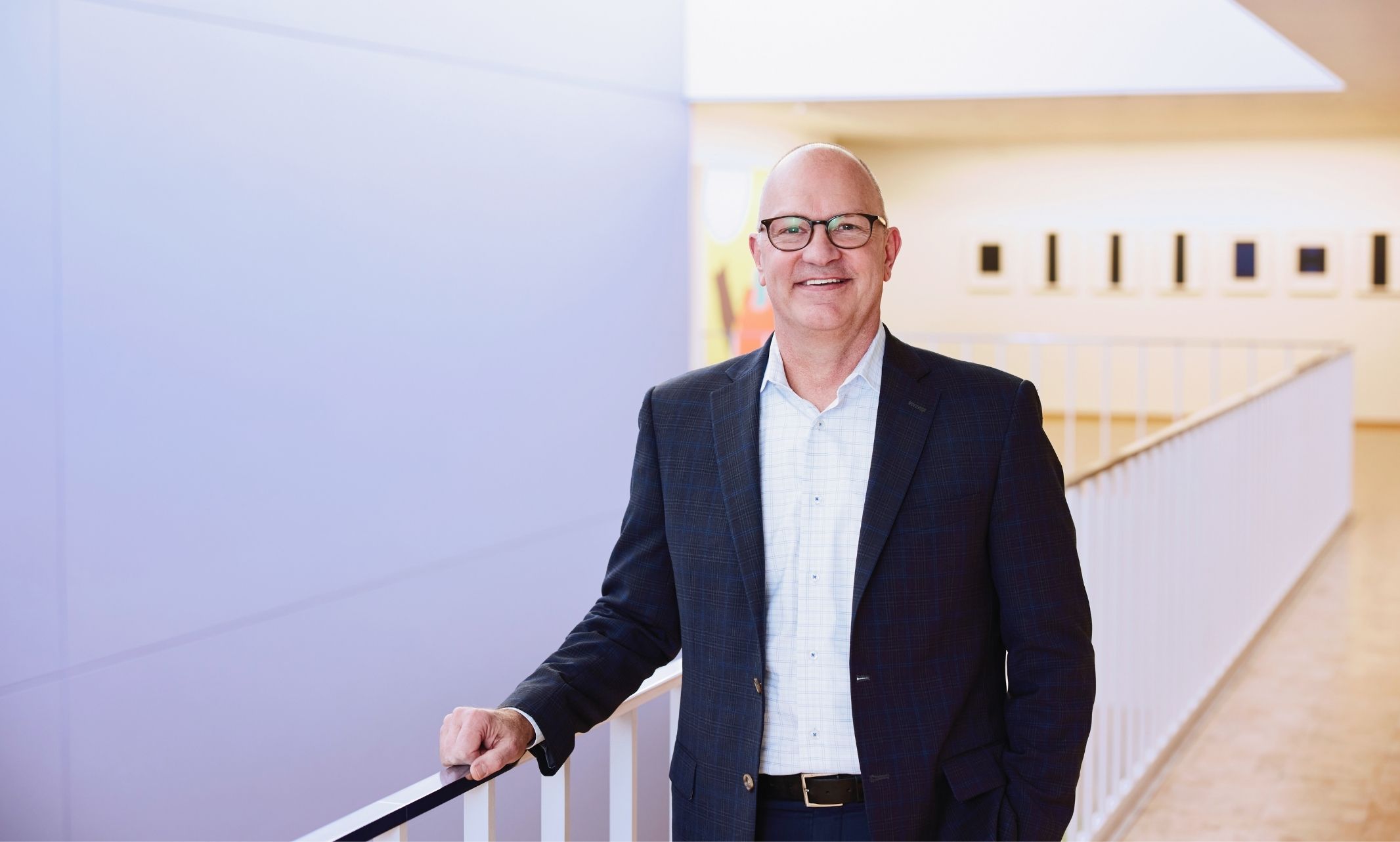
Bloch School of Management selects Mike Perry to receive 2022 Alumni Award
Each year, the UMKC Alumni Association recognizes the achievements of outstanding alumni with an awards celebration.The Henry W. Bloch School of Management is honoring Mike Perry (B.B.A. ’89) with its Class of 2022 Alumni Achievement Award.
Mike Perry (B.B.A. ’89) is the president and chief executive officer of Hallmark Cards, Inc., the iconic, family-owned brand founded and based in Kansas City. In addition to the well-known greeting cards business, Hallmark Cards, Inc. owns Crayola and Crown Media Family Networks, offering three linear cable channels and a subscription streaming service.
Perry has been an employee of Hallmark since 1989 and held numerous leadership positions within the company, including as president and CEO of Crayola. Perry is only the second person outside of the Hall family to be named CEO of Hallmark Cards, Inc.
A long-time member of the Kansas City community, Perry is involved with United Way and Children’s Mercy.
We asked Perry about his long career with Hallmark and how his time at UMKC helped shape his career.
You’ve managed so many different facets of business from marketing to finance, HR to operations. Which is your favorite? What has been a favorite project or initiative you have led or been part of?
Honestly, I have enjoyed each of the various roles. I have always enjoyed more general management roles that incorporate each of the different functions across the business. My favorite roles, outside of my current role, were as the president of Hallmark Flowers and as the president & CEO of Crayola. Both roles prepared me nicely for my current assignment.
What advice do you have for students who’d like to follow in your footsteps?
Go do what you get excited about doing. A job with a promising career path or high compensation won’t be enough in the end. Don’t get me wrong, these are not bad things –but if you lack passion for the work, there will likely always be a nagging “fulfillment gap.”
How did UMKC prepare you for, or contribute to, your success?
I was grateful to have UMKC as an option. I needed to work to attend college, and I knew clearly that I was interested in business. UMKC gave me great options that enabled both things.
I had good instructors. The practical applications for life and business were good, but the enduring value instilled was a mindset toward continuous learning and growth. The mentors and new information we need to keep growing and evolving –it’s all out there. But you do have to have a proactive plan for seeking it.
Word or phrase you use most often?
Thank you.
What is your favorite book, movie, podcast, television show, etc.?
Wow –not sure I have just one?? But let me be clear that my favorite cable channel is the Hallmark Channel!!
About the Alumni Awards
Join us in honoring Perry and the other Class of 2022 awardees at an in-person celebration at 6 p.m. April 29, at the James C. Olson Performing Arts Center. To register, visit UMKC's Alumni Association website. If you are unable to attend the event but would like to donate to student scholarships, contributions can be made online.
Feb 21, 2022
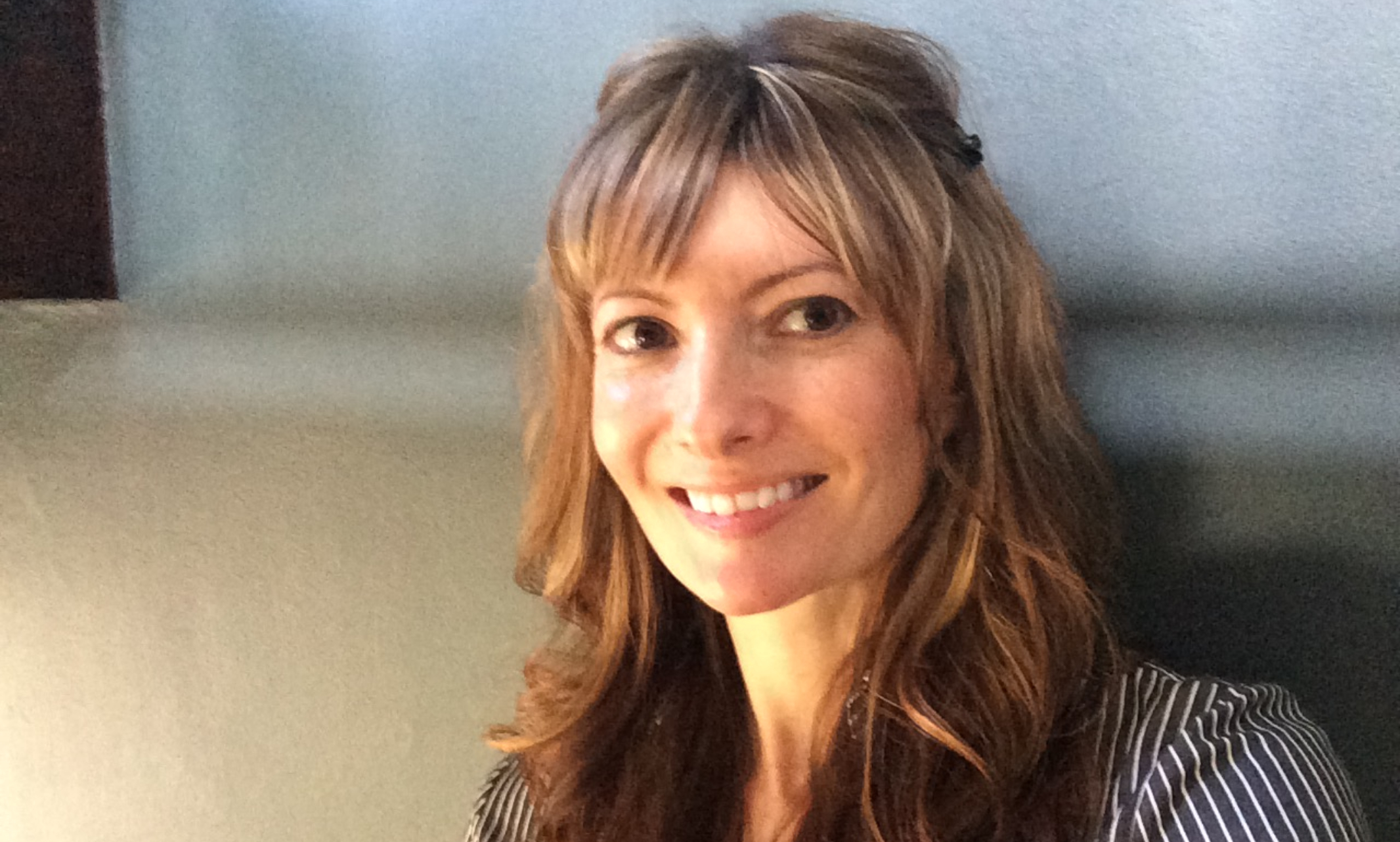
Melissa Zarda receives College of Arts and Sciences Alumni Award
Each year, the UMKC Alumni Association recognizes the achievements of outstanding alumni with an awards celebration. The UMKC College of Arts and Sciences is honoring Melissa Zarda (B.A. '02, M.A. '07) with its Class of 2022 Alumni Achievement Award.
Melissa Zarda owns and runs a successful small business as a freelance graphic and web designer, all while still taking the time to fight for human rights all the way to the Supreme Court. After the death of her brother, Don, she led the cause to prevent people from being fired for their sexual orientation or gender identity in his honor. Zarda sought help from the ACLU, a trusted attorney and the Director of the Stanford Supreme Court Litigation Clinic.
What made you choose to continue your brother’s mission after his passing?
We never considered not continuing the case. In order to pursue the case, we had to make a decision in a short window of time after his passing. Bill, my brother’s boyfriend, and I were on the same page from the beginning. We had both spent so much time consoling Don over the years, since this case impacted him so heavily, that we knew there was no other option. We also knew there were so many others who were discriminated against in the workplace, just like Don was, we wanted to do whatever we could to help them fight, too.
What advice would you have for someone taking on such a monumental case?
Surround yourself with experienced and trustworthy people. I relied on our teams from the ACLU and the Stanford Supreme Court Litigation Clinic, as well as other nonprofits such as Freedom for All Americans. I can’t thank these groups enough. Reach out to friends and family for support, and try to take care of your mental and physical health. The ups and downs can be emotionally draining.
How did UMKC prepare you for your success?
All of my instructors were genuinely interested in my well-being. They would offer encouragement and ideas to further my study in whatever I was passionate about. After going to school in the suburbs, it was exciting to be on an urban campus and to hear different perspectives. I applied the skills I learned at UMKC to every job I’ve ever had post-graduation.
Zarda is a graduate of the College of Arts and Sciences with a bachelor’s in Studio Art and a master’s in Sociology. She enjoys spending her spare time volunteering with various animal welfare nonprofits.
About Alumni Awards
Join us in honoring Zarda and the other Class of 2022 awardees at an in-person celebration at 6 p.m. April 29, at the James C. Olson Performing Arts Center. To register, visit UMKC's Alumni Association website. If you are unable to attend the event but would like to donate to student scholarships, contributions can be made online.
Feb 18, 2022
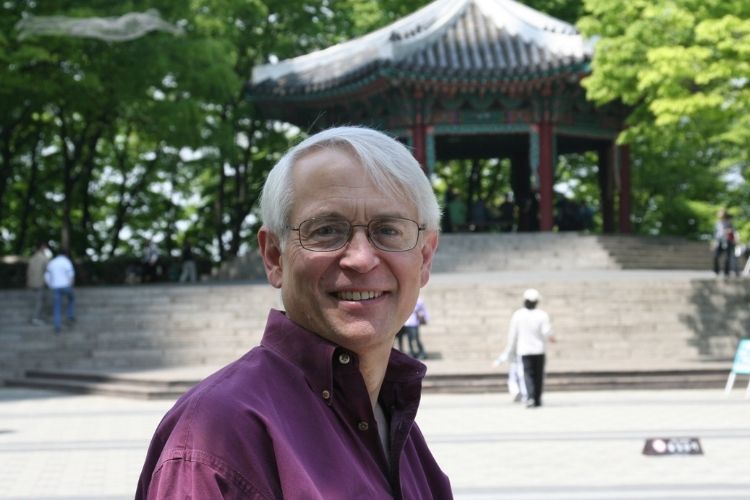
James Mobberley was recognized by the American Academy of Arts and Letters for music composition
James Mobberley, Curators’ Professor Emeritus in the Conservatory, was recently named a national Music Award recipient from the American Academy of Arts and Letters.
Mobberley is one of four people to receive the Arts and Letters Award in Music, honoring outstanding artistic achievement and original compositional voice. Each awardee receives $10,000, plus an additional $10,000 to record their composition. Awardees will also have their music presented in concert at the Academy.
“The American Academy of Arts and Letters is one of the most significant organizations in the world that focuses on support of creative work in multiple fields,” said Mobberley. “I am more than honored and humbled to be included among this year's group of extraordinary peers, especially now as we collectively begin the long, laborious recovery process from two years of COVID's devastating effect on the arts.”
Mobberley is one of 18 Music Award recipients in 2022, with awards totaling $205,000. Candidates for these awards are nominated by the Academy’s 300 members.
Mobberley joined the UMKC Conservatory faculty in 1983 and helped build the university’s highly regarded music composition program in his years with the university. He retired in 2016 as the Curators’ Professor of Music Composition. He previously has been awarded the Rome Prize and a Guggenheim Fellowship. Mobberley has been a resident composer with the Kansas City Symphony (1992-1999), and a visiting composer with both the Taiwan National Symphony (1999) and the Fort Smith Symphony (2000).
“Dr. Mobberley was a cornerstone of not just the composition area but the entire Conservatory for over three decades,” said Andrew Granade, interim dean of the Conservatory. “We’ve long known and celebrated the excellence of his musical gifts here in Kansas City, but it is gratifying to see it recognized nationally by the American Academy, one of the premier societies dedicated to advancing the arts in the United States. I can think of no one more deserving of this award.”
The American Academy of Arts and Letters was founded in 1898 as an honor society of the country’s leading architects, artists, composers, and writers. Awards are given as part of the Academy’s mission to foster interest in literature, music and the fine arts.
Feb 17, 2022
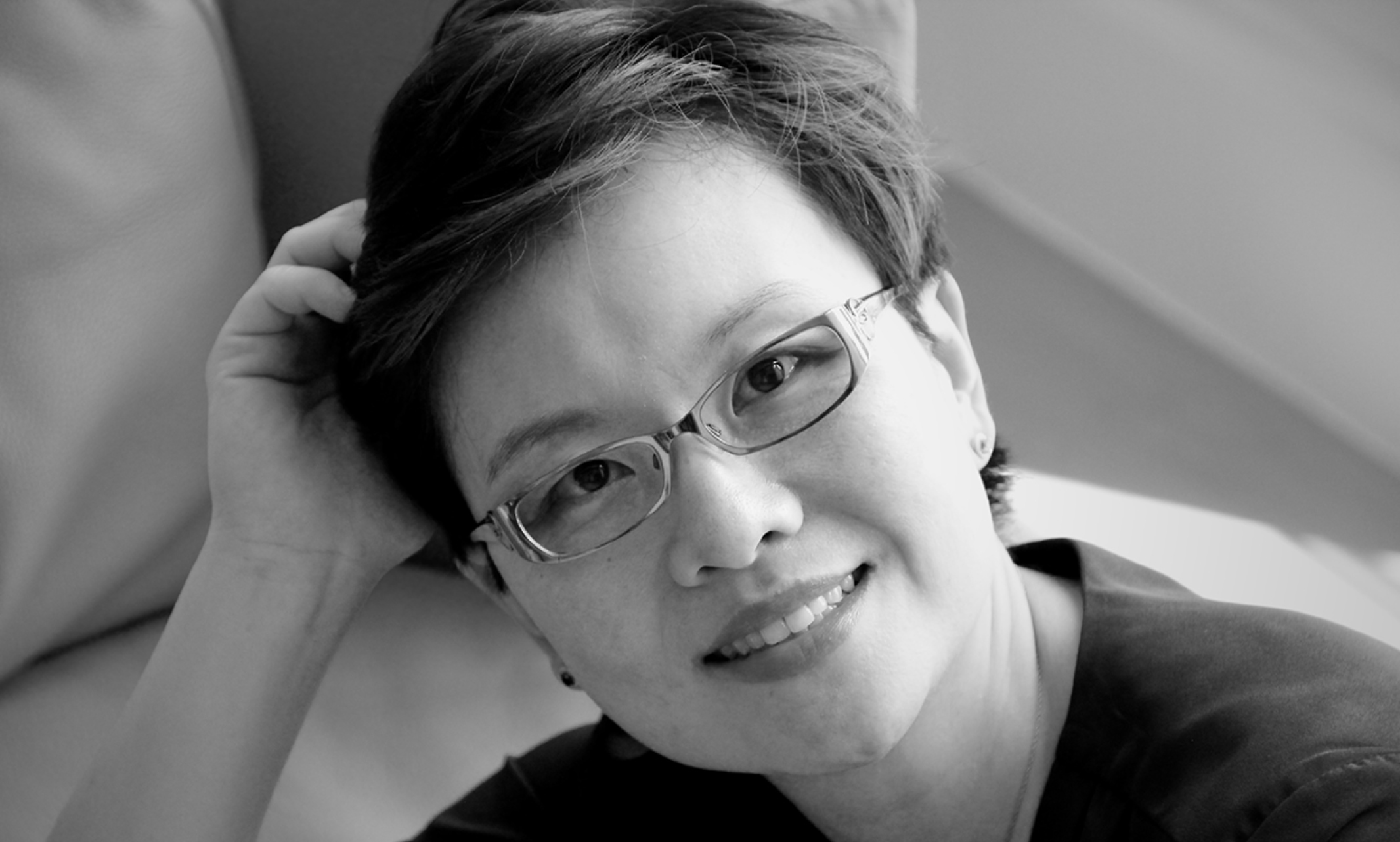
UMKC honors Xi Wang, Ph.D. with the Conservatory Alumni Achievement award
Each year, the UMKC Alumni Association recognizes the achievements of outstanding alumni with an awards celebration. The UMKC Conservatory is honoring Xi Wang, Ph.D. (M.M. ‘03) with its Class of 2022 Alumni Achievement Award.
Born 1978 in China, just after the cultural revolution, Xi Wang learned never to take anything for granted. Recognizing her musical talent, her father and mother made great financial sacrifices to ensure that she received training. After completing her bachelor’s in music from the Shanghai Conservatory of Music, Xi came to UMKC to study under Chen Yi, Ph.D. and Zhou Long, Ph.D.Assistant Professor Xi holds a doctoral degree from Cornell University. She is internationally celebrated with works commissioned by the Philadelphia Orchestra, Atlanta Symphony and Shanghai Philharmonic. In addition to composing, Xi teaches at Meadow School of Arts of Southern Methodist University.
Was music a large part of your childhood?
My father bought me a toy piano as a gift when I was four. The toy piano cost the equivalent of two U.S. dollars at that time-about half of my mother’s monthly income. My father taught me the piano by playing some children’s songs using one finger. One year later, he borrowed an old piano from the museum where he worked and brought it home. I started learning to play some longer, more complex songs with three fingers. Apparently, I showed unusual sensitivity to pitch and an excellent ability to memorize tones. A music teacher told my parents that he thought I had a talent for music. So, my parents found me a piano teacher. One dollar per lesson, four lessons per month, four dollars per month. That was my mother’s entire monthly salary!
When did you first realize that you wanted to work in music?
When I started winning local piano competitions, my parents were excited! Music was a high-class art form they had hardly dared to imagine. When I turned six, my parents cashed out all their savings and gathered money from their relatives and friends—around $250—to buy me a new, real piano. When it was delivered to our home on a tricycle, all the neighbors came out to touch the “furniture” they had only seen in newspapers or magazines. My parents spent the next three years working and saving to pay off this “fancy furniture.”
Music is a beautiful, but very expensive gift that my parents gave me in childhood. I learned my first lesson about life- never take anything for granted. Education and opportunity are precious.
Has teaching changed your relationship with music? What do you enjoy most about it?
Teaching deepened my relationship with music. It makes me rethink of what I have learned about music. Through the process of teaching, I am learning new things constantly too.
What advice do you have for students who’d like to follow in your footsteps?
Work hard and keep challenging yourself. It’s not necessarily a bad thing if you encounter something “unfair.” It will happen and it happens in everyone’s life. You just have to flip it to your advantage, let it motivate you. Take it as an opportunity to make you stronger while accepting it could feel very frustrating at the beginning.
How did UMKC contribute to your success?
I had remarkable professors who not only helped me to learn about music, but also took care of me as their child and continuously fostered me along my career development even after I graduated. Dr. Chen Yi, Dr. Zhou Long, Dr. James Mobberley, Dr. Paul Rudy, Dr. William Everett and many others, including staff members at the international student office. I also met many warm-hearted friends, who loaned me their notes, helped me to learn the computer, drove me around and explained American culture to me.Besides the academic preparation, it was people’s care and love that has shined through all the years since I started my American adventure at UMKC.
What is your proudest accomplishment?
Being a mother of two adorable children while maintaining a career as a composer and a professor.
Where can you be found on the weekends? What are your hobbies?
I have about 20 plants at home to water during work breaks. Occasionally, I do some clay sculpture and painting.
About Alumni Awards
Join us in honoring Xi and the other Class of 2022 awardees at an in-person celebration at 6 p.m. April 29, at the James C. Olson Performing Arts Center. To register, visit UMKC's Alumni Association website. If you are unable to attend the event but would like to donate to student scholarships, contributions can be made online.
Feb 17, 2022
Faculty Search Support Team works closely with academic search committees
A new initiative to create a more diverse faculty is now underway at the University of Missouri-Kansas City.
A Faculty Search Support Team now works closely with search committees working to fill full-time faculty positions. Led by Makini King, interim vice chancellor for diversity and inclusion; and Diane Filion, vice provost for faculty affairs; the team helps search committee members implement evidence-based inclusive hiring strategies to recruit a diverse pool of applicants and to reduce bias in the review of applications.
The concept was developed by a faculty diversity task force initiated through Roos Advocate for Community Change, a Chancellor’s Office program working to help ensure UMKC is a welcoming place where all can thrive.
“The process produced very intentional and specific recommendations,” King said. “The Provost and Chancellor have been very supportive – it’s a high priority for leadership.”
Acting on the task force’s recommendations, Provost and Executive Vice Chancellor Jennifer Lundgren approved the hiring of two Diversity, Equity and Inclusion Fellows to participate as members of the team. The Fellows are Michelle Smirnova, associate professor of Sociology; and Sandy Rodriguez, associate dean of Libraries. Rounding out the team and providing critical guidance on HR hiring processes is Susan Hankins, the campus Academic HR Specialist.
Step one for the new team was to research best practices in faculty diversification, consulting with J. Luke Wood, Dean's Distinguished Professor of Education at San Diego State University, a nationally recognized expert in the topic.
“We identified the top two places where we can have an impact,” Filion said. “First is the wording of job descriptions along with how and where ads are placed. Second is how search committees evaluate applicants, with a focus on strategies to reduce bias in that process.”
The team developed written guidelines for faculty search committees and meets with each committee during the search process to discuss and guide implementation.
The materials include a how-to on writing inclusive job descriptions. Search committees are advised to clearly and explicitly communicate factors such as the university’s commitment to the recruitment, retention, and promotion of underrepresented faculty; consideration of applicants who have had nontraditional career paths; and willingness to offer broad opportunities for candidates to demonstrate evidence of teaching effectiveness. The document points out that student evaluations are frequently biased against women, faculty of color, and those from other historically marginalized groups.
Materials also include an Inclusive Recruitment Plan Worksheet. UMKC requires faculty searches have an Inclusive Recruitment Plan (IRP) as a component of the search process. The IRP requires search committees to list specific actions designed to attract a diverse applicant pool, such as identifying scholars in the field from underrepresented backgrounds and requesting they circulate the job posting to their professional networks; and identifying graduate programs recognized for having high numbers of underrepresented graduates in the field and reaching out to those departments with a request for the job posting to be shared with their advanced doctoral students and alumni.
Throughout the process, the team works with search committee members to review strategies, devise inclusive interview questions and avoid common mistakes, with an emphasis on identifying biases and minimizing their impact.
Feb 16, 2022
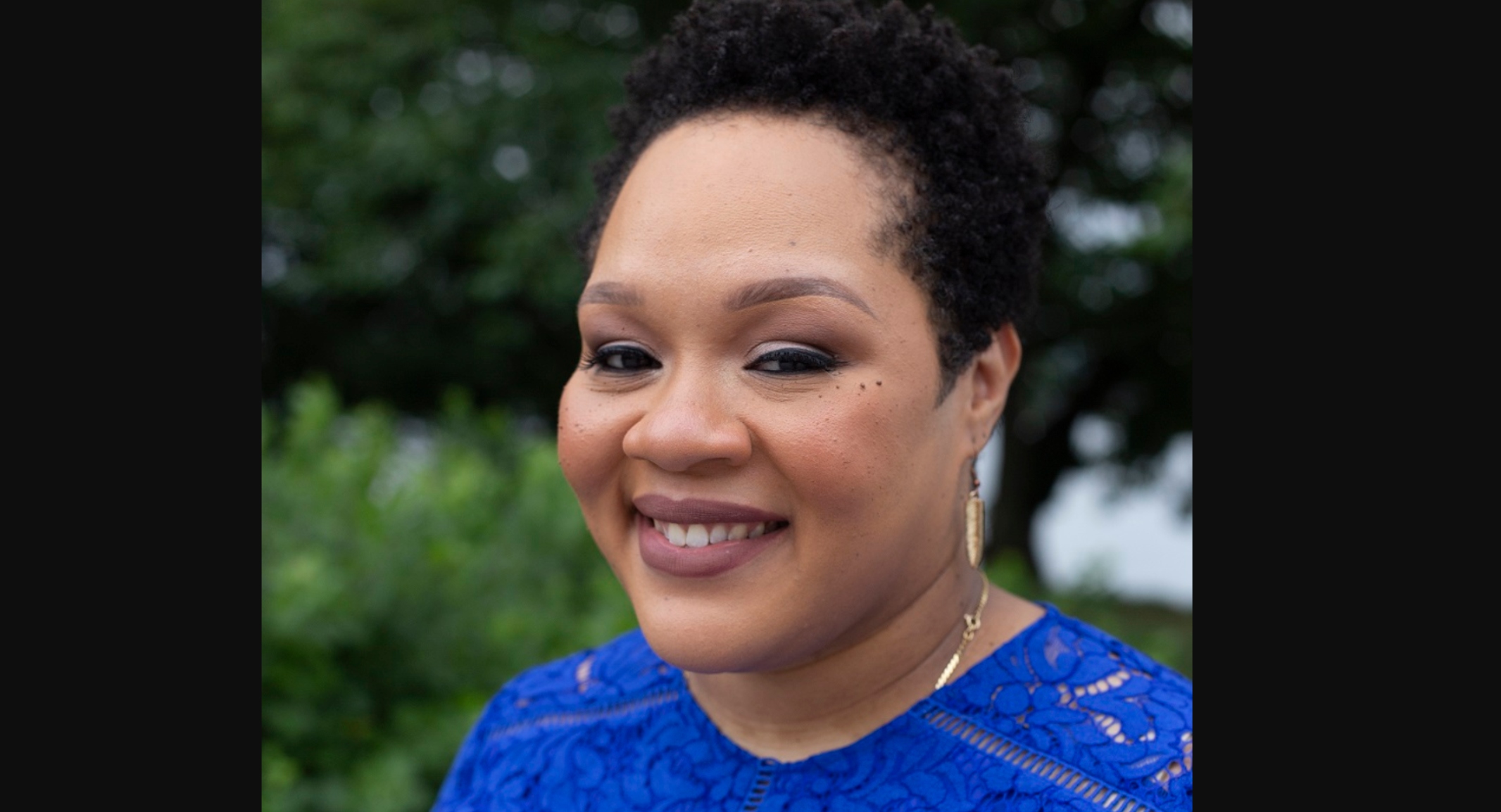
Yamiche Alcindor has become a go-to voice in analyzing the most critical political issues
This year’s virtual Martin Luther King Jr. Lecture was hosted by Yamiche Alcindor, an award-winning political journalist who has spent most of her career covering how political policy impacts the everyday American.
Alcindor is the White House correspondent for PBS NewsHour, Moderator of Washington Week and an NBC and MSNBC Political Contributor. She often appears on shows like Morning Joe, Meet the Press and Andrea Mitchell Reports.
The daughter of Haitian immigrants who met while attending Boston College, Alcindor has written extensively on the intersection of race and politics. She has covered the impact of former President Donald Trump’s politics on the working-class, immigration and breaking news from Africa, the Middle East and Asia.
“Being Haitian-American for me, whenever I walk into the White House it is a big deal. I can’t even imagine what my grandparents would think about their granddaughter, who only a few decades after they arrived here, is now in the White House questioning the President of the United States,” Alcindor said.
Alcindor is the recipient of the White House Correspondents’ Association Aldo Beckman Award for Overall Excellence in White House Coverage, as well as the 2020 Journalist of the Year Award from the National Association of Black Journalists. She earned a master’s degree in broadcast news and documentary filmmaking from New York University and a bachelor’s in English, Government and African American studies from Georgetown University.
The 2022 lecture was delivered in a question-and-answer format, in a dialogue between Alcindor and Glen Rice, a reporter who has been at the Kansas City Star 34 years. Rice himself has received numerous national, regional and local journalism awards for investigations, feature writing and breaking news coverage.
The hour-long discussion covered a wide range of topics. Below are a few questions from the discussion.
Question: How did Dr. King’s legacy inspire you? How did his quest for equity inspire you as a journalist?
Alcindor: He inspired me because he was someone who wasn’t afraid of just telling it like it is. He wasn’t afraid of pushing America to be better. He was there on the Selma bridge pushing people to recognize the humanity of Black people. I think about some of the quotes that he said that really stick with me, like what he said about knowing the character of someone during times of challenge and controversy. I often think about those words because I believe right now, we are living through times of challenge and controversy.
Q: Where do you get your news from?
A: As a Miami native, I think about local news first. Supporting local news is so incredibly important. These are the people that are going to tell you where your tax dollars are going, whether the mayor is stealing your money, or if you have a Jeffrey Epstein in your backyard, that’s who is going to uncover it, in the case of the Miami Herald. I read the Miami Herald, the Sun-Sentinel, the Boston Globe, the Washington Post. Nationally, I read the New York Times, the Guardian, in terms of television I watch BBC, NBC, MSNBC, CNN, and a little bit of Fox News.
About the Martin Luther King Jr. Lecture Series
Beginning with the Rosa Parks Lecture on Social Justice and Activism in 2007, and annually since 2009 with the Martin Luther King Jr. Lecture Series, the Division of Diversity and Inclusion honors individuals' tremendous contributions to furthering civil rights by bringing national thought leaders to campus, who provide insight and advocacy to current civil rights issues on education, economic and justice system inequalities.
The goal of the lecture is to encourage UMKC students, staff, faculty and the Kansas City community to build upon the courageous, non-violent activism of Rosa Parks and Martin Luther King Jr., and to increase awareness of present-day avenues to advocate for civil rights through free thought, action and scholarship.
Feb 16, 2022
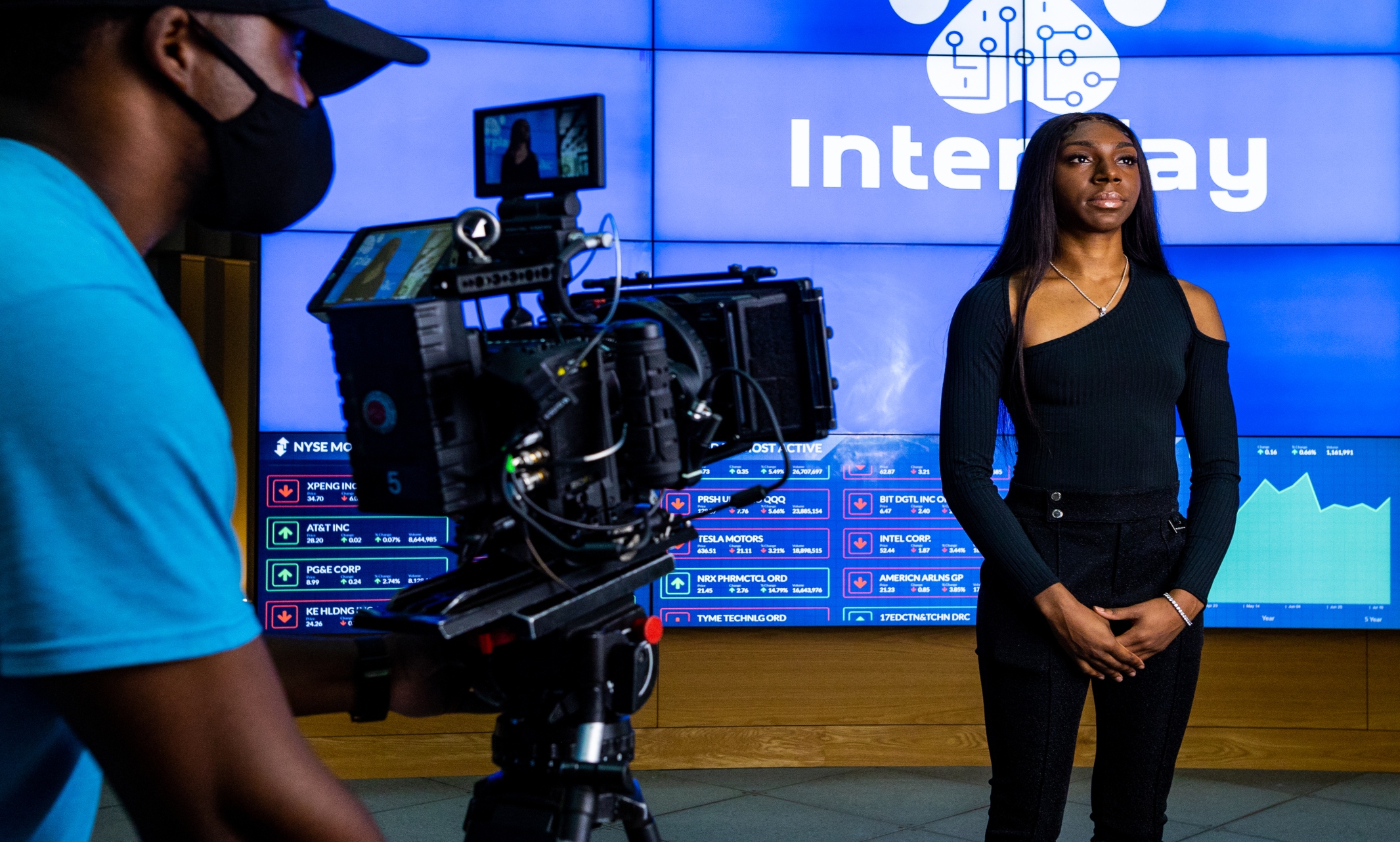
Jonaie Johnson is one of 20 contestants on ‘The Blox’
UMKC MBA student Jonaie Johnson is competing in a 17-part online reality TV series featuring startup entrepreneurs from around the country.
Johnson is the founder of Interplay, a company marketing an interactive dog crate that allows owners to interact with their pets while they are away from home. The show is called “The Blox,” and is available online by downloading an app from BetaBlox, a Kansas City company providing multiple forms of support for entrepreneurs.
The show follows a game format with daily winners of competitions on entrepreneurial themes such as inbound marketing, growth hacking and fundraising.
This is just the latest accolade for Johnson and Interplay. She was recognized as the UMKC Henry W. Bloch School of Management Student Entrepreneur of the Year in 2020 as an undergrad. She is currently enrolled in an MBA program at the Bloch School.
Johnson also was a starter on the UMKC Women’s Basketball team that won a Western Athletic Conference championship in 2020.
Interplay is a dog crate designed to provide remote interaction – including video and audio access, locking and unlocking features and the ability to provide food and water – for a dog and its owner through a mobile app.
“I developed the idea for Interplay for a project when I was in high school,” Johnson said. “My aunt was always leaving our family events to go home to feed her dog. I thought, ‘Wouldn’t it be great to do that remotely?’ I want Interplay to be the Apple of dog crates.”
Feb 16, 2022
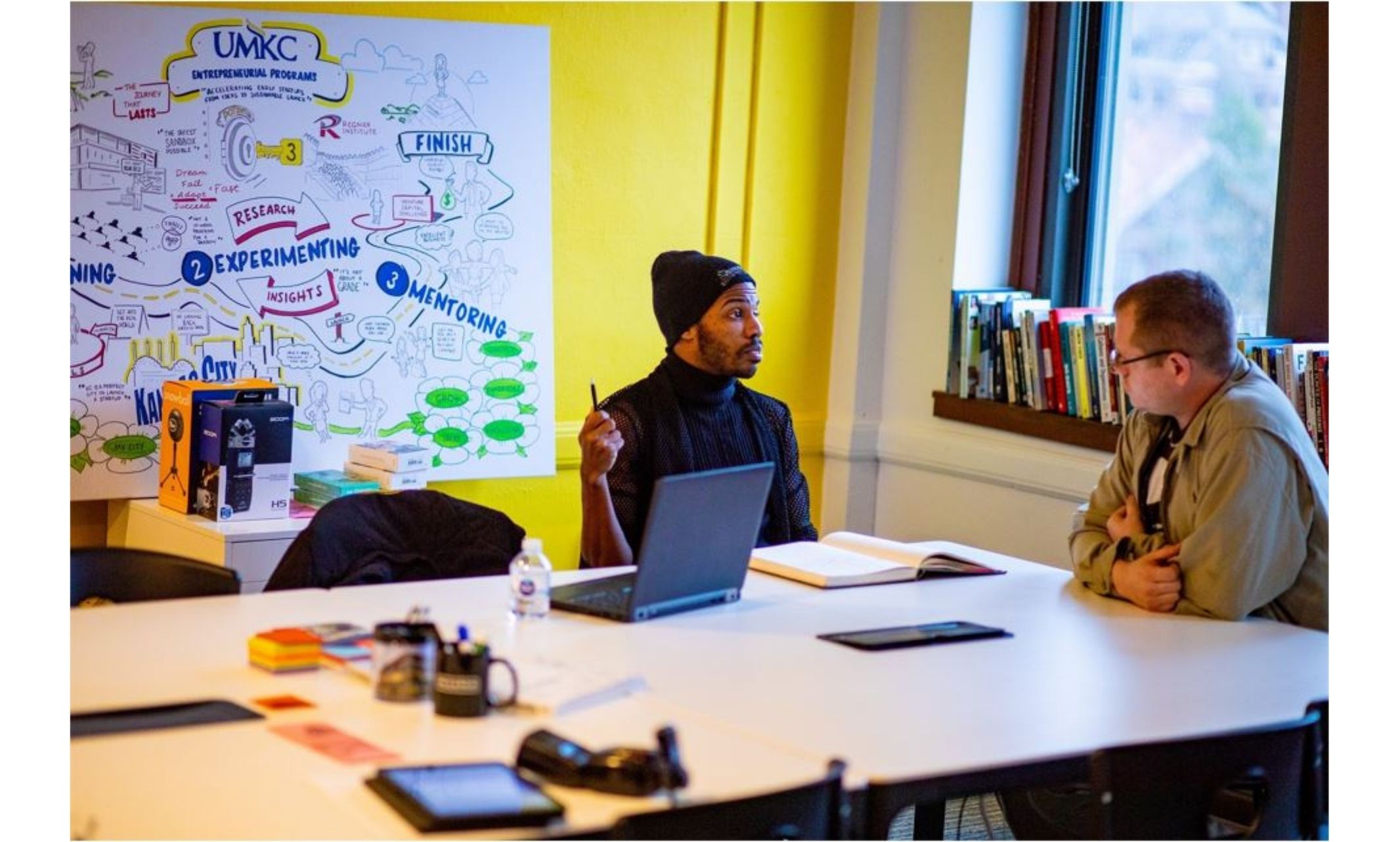
Innovative approach bundles support services to help students prepare for and secure high-paying careers
Earning a college degree is nice, but for most students, the end goal is to land a high-paying and rewarding career after graduation. UMKC is launching a new program to help students achieve that goal.
The University of Missouri-Kansas City is working to transform the higher education model by shifting the focus from degree attainment to career outcomes, offering an innovative approach to better prepare students to enter the workforce and land professional, high-paying careers. This bold new idea is part of the UMKC Forward initiative, a multi-year investment by the university to meet and exceed the demands of today’s college student.
The "Professional Career Escalators"SM (Career Escalators) program provides a unique set of specialized student supports designed to facilitate academic to career connections. Services include:
Career development
Mentoring by professionals in the community
Applied learning opportunities
Leadership development
Professional or grad school preparation
Applications are open now to land one of 200 spots in the inaugural Career Escalators class, which launches in Fall 2022. Incoming students and transfer students may apply for this program by submitting transcripts, a letter of recommendation and a short video that demonstrates a student’s character and desire to enter the program.
The deadline to apply is April 1.
The Career Escalators program is unique because of the way UMKC is bundling together such a robust collection of services for students. This program provides the support team, resources and peer collaboration needed to align a student’s academic journey with their future career goals.
“We are thrilled to launch this first cohort and blown away by the buzz this program is starting to generate,” said Mako Miller, M.A.Ed, director of the Professional Career Escalators program. “We’re really working to shift focus beyond the degree to the desired outcome of job readiness upon graduation. By starting post-college career planning earlier and aligning those plans with job shadowing opportunities and mentorship, our graduates will be more prepared, confident and successful in their careers.”
An added financial benefit makes this program even more appealing. Career Escalators students can choose between a $2,500 annual on-campus housing scholarship, or $1,500 applied toward the cost of tuition. Participants also have the option to live in a living/learning community with other students in the program. Just like professional networking, this living/learning model promotes building connections, and adds yet another layer of similarity between academic life and the workforce.
Apply today
Feb 15, 2022
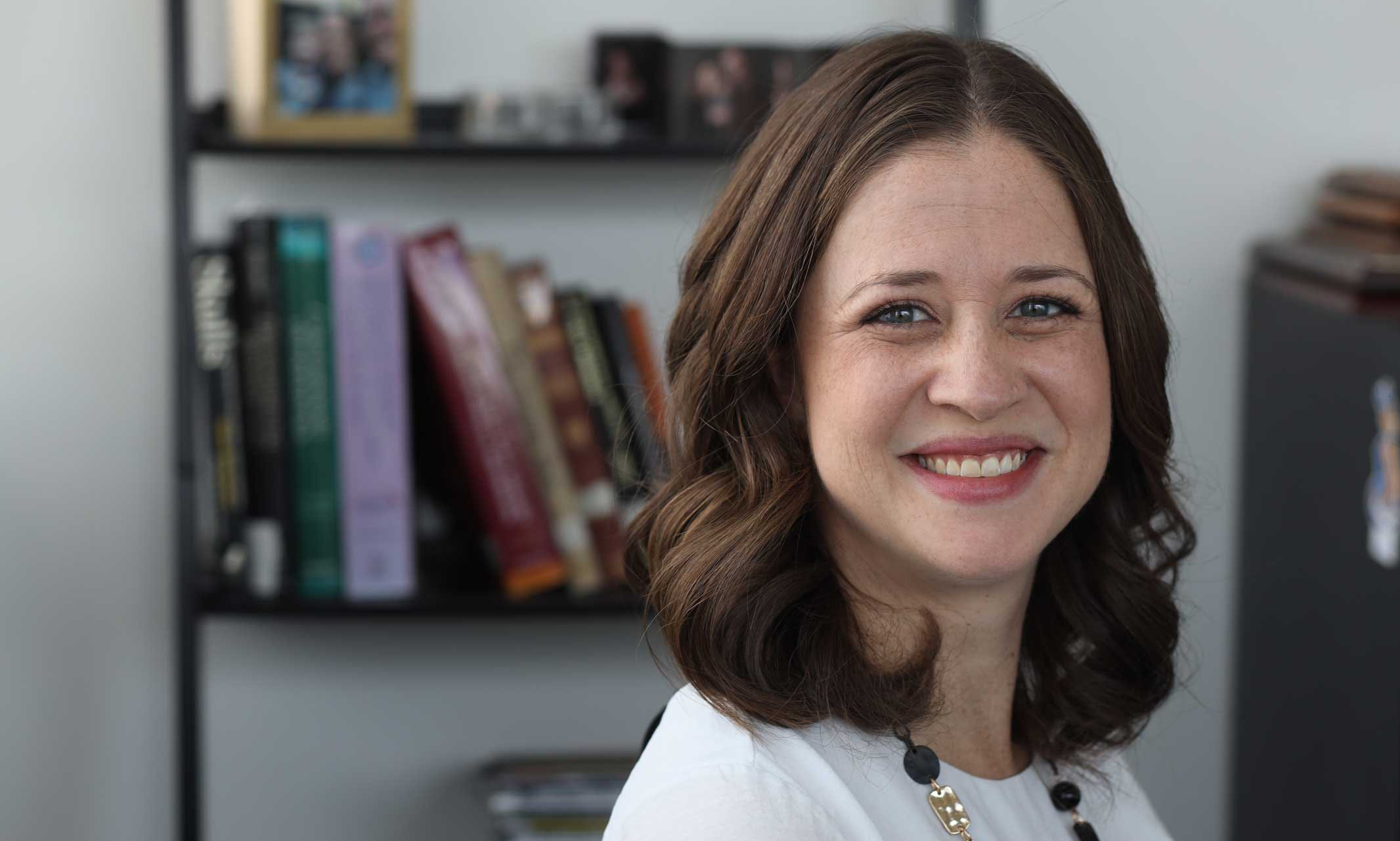
Mentorship is the fabric that runs through Erin Bumann’s work
From a fellowship to funding, big things will be happening in craniofacial bone development in the lab of researcher Erin Bumann, D.D.S., Ph.D., M.S. at the UMKC School of Dentistry.
Bumann is an assistant professor in the Department of Oral and Craniofacial Sciences. The primary goal of her lab is to identify nonsurgical methods to change the size and shape of the bones in the face in hopes that children either do not need to undergo surgery or need less invasive surgery to address craniofacial deformities.
Most recently, she’s received foundational funding from the Robert Woods Johnson Foundation, a philanthropic organization dedicated to public health. It’s especially meaningful for Bumann, whose grandfather is from Mexico, that the funding comes from the Harold Amos Medical Faculty Development Program. The program was created to increase the number of faculty from historically disadvantaged backgrounds and will offer four years of support for her research as well as opportunities to network with fellow scholars in the program including an annual meeting.
“I’m excited for the opportunity to have colleagues around me from similar backgrounds, having some difficult conversations,” said Bumann. “I’m looking forward to the opportunity to open up and have some honest conversations while also sharing resources and finding out what’s going on at other programs.”
Bumann has also been selected for the American Dental Association Gold Medal Fellowship. The award is only given out every three years to one individual nationally.
According to Bumann, her selection carries that much more weight because she was selected by one of her role models, Martha J. Somerman, D.D.S, Ph.D. Somerman was the first woman to win the ADA Gold Medal Award for Excellence in Dental Research. She is also the current past director of the National Institute of Dental and Craniofacial Research, an organization that has awarded Bumann a grant that enabled her to continue her research into jaw development in quail and duck eggs.
“Because of the pandemic I hadn’t had a chance to interact with her as much as in past years, so it’s been wonderful to catch up with her and reconnect,” said Bumann. “It’s really meant a great deal that someone with her breadth of experience looked at my body of work and saw it as impactful.”
Another opportunity that comes with the award is presenting her research as a continuing education course at the American Dental Association’s 2023 annual meeting.
“It’s such an important part of research, making sure that the research that we’re doing can directly impact patients,” said Bumann. “There can be a disconnect between dentistry and the research, so communicating with our clinical colleagues is so important and this is a great opportunity for that.”
Mentorship is an important part of Bumann’s work, not only as a mentee but also a mentor to others. “I’ve been really blessed all along my entire career path to have wonderful mentors,” she said. “Mentorship is a big part of what I enjoy and I think it’s so important to pay it forward."
Bumann is an active mentor for a number of groups on campus. She is a part of the Avanzando Mentorship Program, which is designed to support Latinx students on campus with individualized support in reaching their academic and career pursuits. She also mentors through the Students Training in Academia, Health and Research (STAHR) Partnership, collaborative program with the UMKC schools of medicine, dentistry and pharmacy. The program is designed to increase the number of students from disadvantaged backgrounds entering health care programs.
For Bumann’s time in the Harold Amos Medical Faculty Development Program, she’s excited to see where other schools have had success in their diversity programs. “I look forward to learning from colleagues at other schools and institutions who’ve already tried different approaches and finding out their best practices,” she said. “I’m hoping to bring some new ideas back with me to UMKC.”
Ultimately, one of the greatest gifts in mentorship for Bumann is seeing her mentees reach their ultimate goal at UMKC. “Last year, five of my past mentees – either from the STAHR program or my lab – all graduated,” she said. “To see that first cohort walk across the stage at Commencement was really special.”
Feb 15, 2022
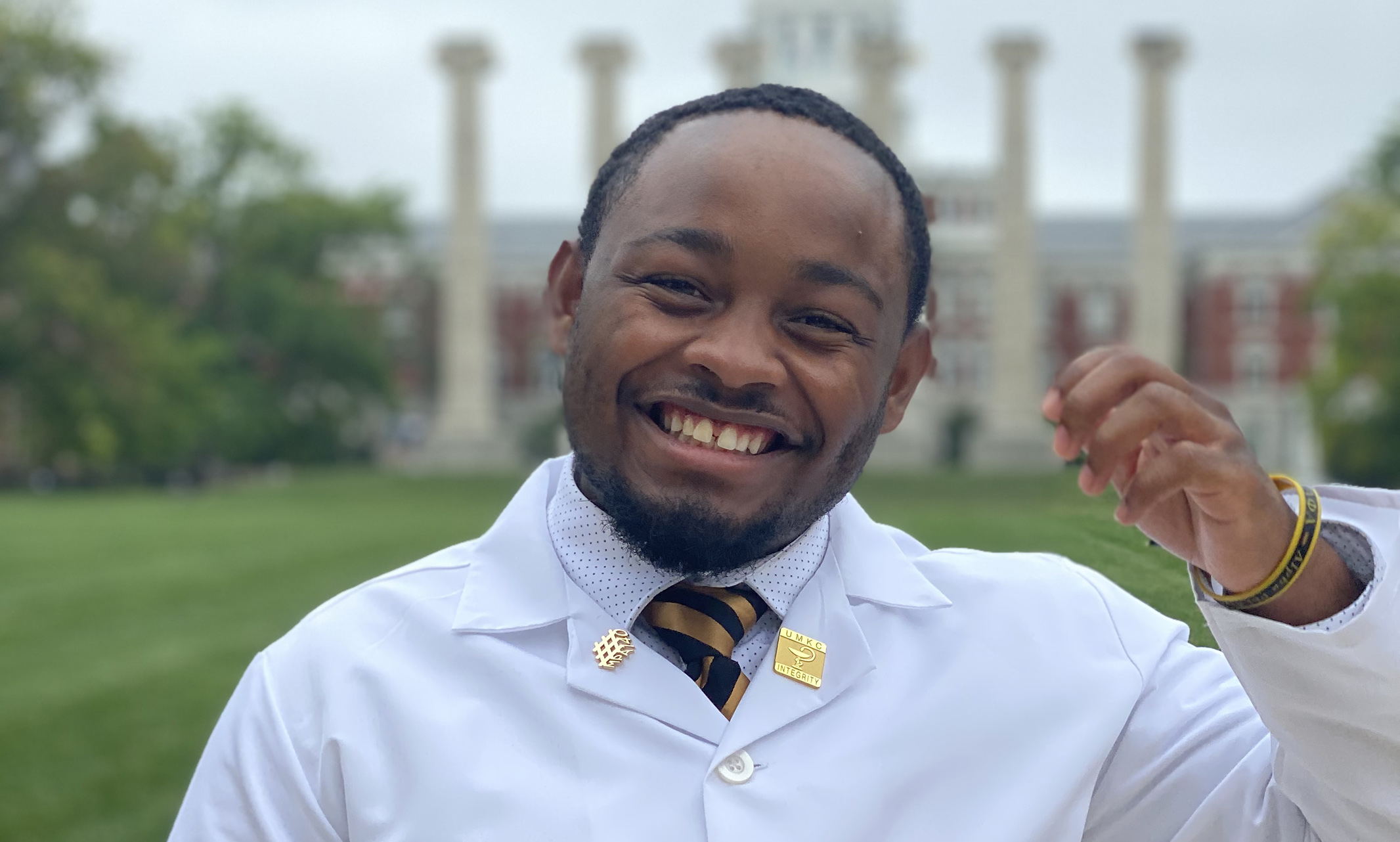
As School of Pharmacy recognizes Black History Month, it celebrates the accomplishments and contributions of the school’s Black community who are m...
Meet Daryl Whitehead, a third-year student at the UMKC School of Pharmacy, whose goal is to serve underrepresented and marginalized groups as a clinical pharmacist while also serving as a preceptor and mentor for future pharmacists.
Why did you choose the UMKC School of Pharmacy?
I originally selected UMKC as one of my top choices for schools to attend that had a respected pharmacy program while doing research when I was in high school. Of my top three choices, UMKC was closest choice to home and also offered a well-balanced price for the program I was looking for.
How have UMKC and UMKC School of Pharmacy embraced and supported you as a Black student?
Throughout my years as a student at UMKC, I have been offered numerous scholarship opportunities, the task of becoming an influential resident assistant and the chance to take part in numerous organizations on the campus such as UMKC's African American Cultivating Excellence (AACE) mentoring program, Alpha Phi Alpha Fraternity Incorporated, National Community Pharmacy Association, and Student College of Clinical Pharmacy. Becoming a resident assistant on campus my sophomore year of college allowed me to connect with so many residents between Johnson and Oak Hall, creating memories and long-lasting friendships along the way. Every organization on campus has allowed me to help bring student involvement opportunities to the campus and offered me the opportunity to travel to places like Canada and North Carolina which is always exciting and fun.
Why would you encourage prospective students from your background to consider the UMKC School of Pharmacy?
Whenever I encounter a student of the minority that wants to pursue a professional degree, my main encouragement is to keep going when things get tough. Whenever you feel tired, doubtful or even defeated remember who you are striving to be. Find your "Why" and use it as fuel to keep going. Whenever you do great, remember to celebrate it, embrace yourself and feel proud. Once you get to your end goal remember that you are a beacon to kids who grow up after you, and you are breaking generational barriers and inspiring kids at the same time.
What do you hope to do in pharmacy when you graduate and how do you feel the School of Pharmacy is helping prepare you for that?
As I get closer to becoming a pharmacist, I grow more interested in becoming an ambulatory care pharmacist. I aspire to work at a veterans affairs hospital in the future and I will pursue residencies to reach that goal. UMKC School of Pharmacy helps prepare students achieve their goals by offering Pharmacy Practice Experiences that expose students to different fields of pharmacy. There is also a good number of courses and electives available to help students as well. I look forward to graduation and becoming a pharmacist, it will be a huge achievement for not only me, but for my family and the friends I have back home that root for me. As the youngest of five boys, I am the first to graduate high school and pursue a college degree, a doctorate degree at that! It makes me happy to know that I am making a way for my nephews, nieces, little cousins, the kids in my neighborhood, and students I visit when going back to my old schools. There will be opportunities for me to bridge gaps in health care for the underserved community. Helping patients be more knowledgeable about their health and creating a trusted relationship with each individual I encounter.
Feb 15, 2022
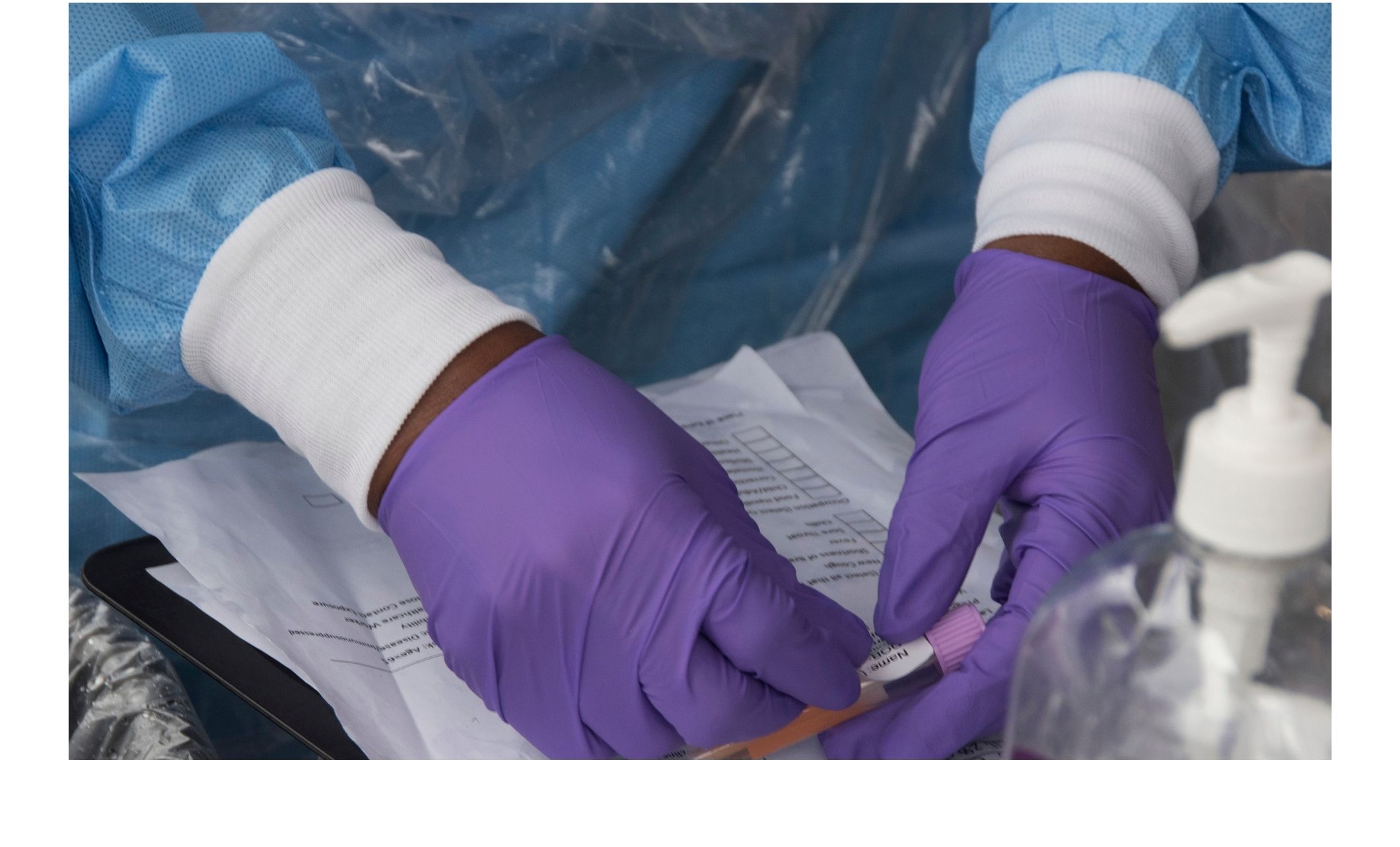
Open to general public and university faculty, staff and students
Quick and convenient on-campus resource makes it easier to know your health status and take precautions.
Covid-19 testing shortages felt across the country have threatened the university’s ability to monitor the spread of Covid-19. In response to an increased demand for COVID-19 testing options, UMKC has partnered with the testing company Curative to host an on-campus testing site. University leadership hopes that providing this quick and convenient resource on campus will encourage awareness and increased vigilance as we continue to fight the spread of COVID-19 and its variants.
A mobile testing unit is set up at 5050 Oak Street in the empty lot on the north side of Pizza 51. The testing facility is open Monday - Saturday from 8:30 a.m. to 4:30 p.m. Curative staff will conduct shallow nasal PCR tests with results expected one to two days after the lab receives the sample. Appointments are preferred, but not required, for students, faculty and staff, as well as the general public. You can book an appointment here beginning Feb. 16.
Testing is free, but those with insurance will be asked to provide policy information for Curative to submit to a patient’s insurance company. Insurance is not required for testing. The testing site will run through May 2022.
“This on-campus testing site is the latest benefit in a continued and ongoing effort to bring in-demand resources to our UMKC community and surrounding neighborhoods,” said Mauli Agrawal, chancellor. “These precautions have allowed us to successfully return to campus this spring and will be key to our continued success in having another productive semester.”
In addition to the testing site, UMKC will continue to host on-campus vaccination clinics for members of our campus community and the general public, in partnership with the Samuel U. Rodgers Health Center. The clinics will be held at the Student Union in the Jazzman’s Café and Bakery Stage Area at the following dates and times:
Feb 15: 1-5 p.m.
March 1: 1-5 p.m.
March 15: 1-5 p.m.
April 5: 1-5 p.m.
May 3: 1-5 p.m.
Latest Covid-19 Information from UMKC
Feb 14, 2022
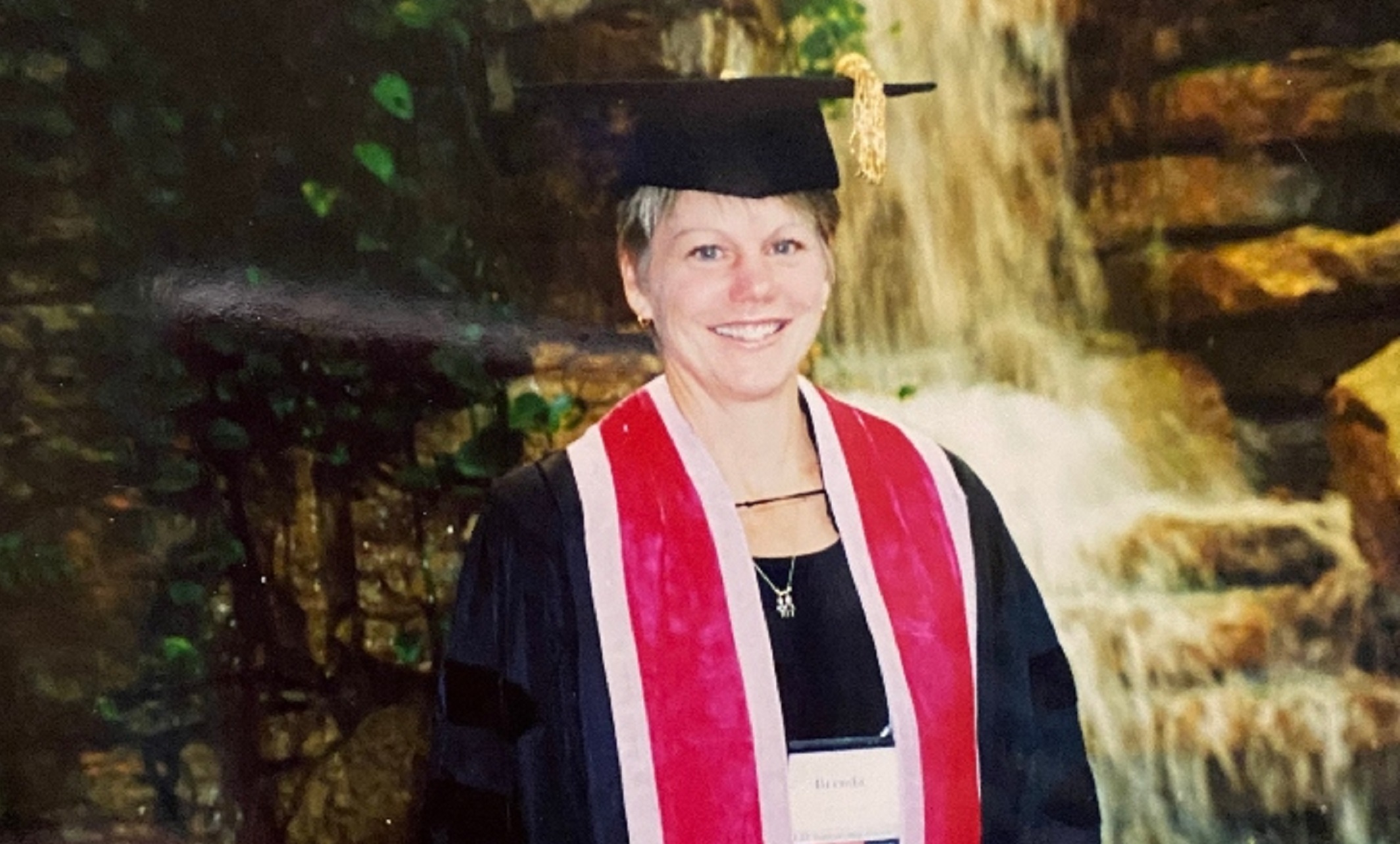
UMKC School of Dentistry selects Brenda Bohaty to receive Alumni Award
Each year, the UMKC Alumni Association recognizes the achievements of outstanding alumni with an awards celebration. UMKC is honoring Brenda Bohaty (Ph.D. ’09) with its Class of 2022 School of Dentistry Alumni Achievement Award.
What drew you to dentistry? And what made you want to work with children?
I grew up in a small rural town in Nebraska and my dentist was literally “a jack of all trades.” He really did it all…surgery, restorations, everything. I really admired him and enjoyed going to the dentist. I had some complicated treatment needs with impacted teeth and so my case was not easy. He made me feel comfortable no matter what I was having done.
As the director of the residency program for up-and-coming dentists at Children’s Mercy, you work closely with your profession’s newest cohorts. How will pediatric care look different for them than it did when you first began?
The love for children and our desire to help them never changes. We are faced with managing many more children with special health care needs as more children survive catastrophic diagnoses and continue to live meaningful lives.
Our focus and commitment in areas of healthcare inequities will also be expanded. Although we have talked about barriers to care for a very long time, leaders in dentistry will need to expand our response and work together to ease the many barriers faced by those in need. Finally, the number of children who experience adverse childhood experiences continues to increase and our focus on training dental students and advanced training students in trauma informed care will be very important.
What is the impact of your work with Operation Breakthrough and the Lowry Clinic having for young kids?
The Lowry Clinic Program at UMKC was established with a trust more than 60 years ago to pay for care for children in urban Kansas City. The money from the trust is gone, but UMKC continues to make the program a priority and provides care to approximately 150 children each year. What an impact we have on the oral health of these kids! The Operation Breakthrough program is similar and has been a win-win for our students and patients alike.
What advice do you have for students who would like to follow in your footsteps?
Work hard and love what you do! Embarking on an academic career in dentistry was not something I was interested in pursuing initially, but I was guided by awesome mentors like Dr. John Haynes (B.S., ‘56, D.D.S., ‘60, M.A. ’71) and James Lowe (D.D.S., ’65, M.S. ’69) I loved practicing dentistry, but the combination of teaching and practicing was a perfect mix.
About the Alumni Awards
Join us in honoring Bohaty and the other Class of 2022 awardees at an in-person celebration at 6 p.m. April 29, at the James C. Olson Performing Arts Center. To register, visit UMKC's Alumni Association website. If you are unable to attend the event but would like to donate to student scholarship, contributions can be made online.
Feb 14, 2022
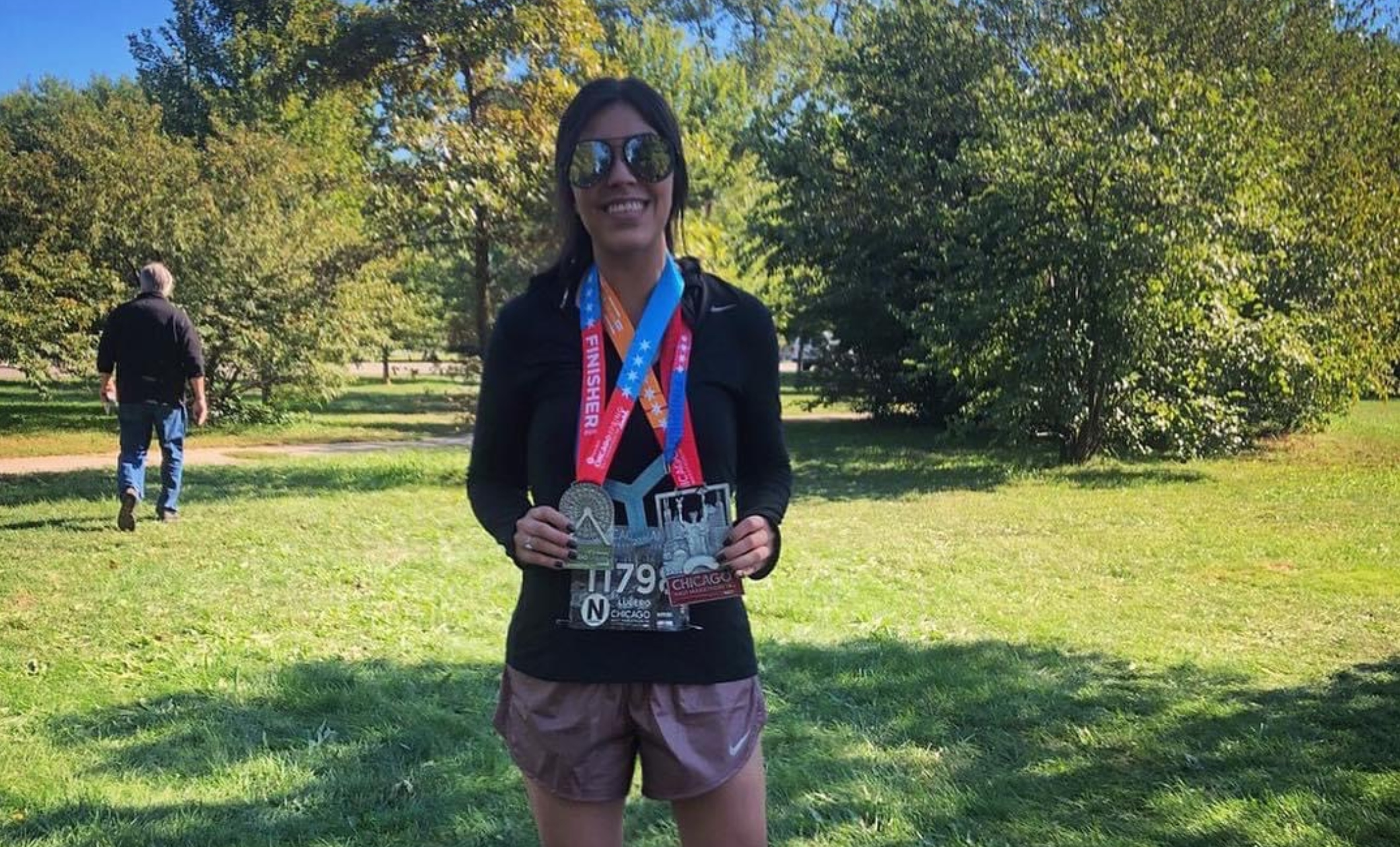
UMKC School of Education selects Lucero Garibay to receive Alumni Award
Each year, the UMKC Alumni Association recognizes the achievements of outstanding alumni with an awards celebration. UMKC is honoring Lucero Garibay (M.A. ’16) with its Class of 2022 School of Education Alumni Achievement Award.
While it would have been natural for Lucero Garibay, a Chicago native, to stay closer to home to pursue her graduate degree in mental health, she chose to attend UMKC. Although she knew no one at the university when she applied, the school’s mission, that includes “meeting the varied psychological, social, and educational needs of individuals, couples and families in diverse urban communities,” aligns with her personal mission of giving back to her own community.
Garibay returned to Chicago and is a successful psychotherapist with Pilsen Wellness Center, an organization that focuses on culturally sensitive approaches in their services to support family relationships, community empowerment and economic development.
How has your cultural heritage and being bilingual impacted your career working so closely with people?
Being bilingual is a beautiful part of my identity in and of itself, but it also serves as an invaluable resource in the mental health field. There already exists a shortage in mental health services across the field. There is an even more severe shortage of mental health providers that are able to fully comprehend the cultural and language barriers faced in so many of our communities. Visibly being witness to the ease that clients exude when they are paired with a provider whom, not only shares their cultural heritage but also speaks the language they are most comfortable with, is an experience truly difficult to put into words. I am inherently grateful.
How do you manage the challenges of working with individuals going through trauma?
Holding space for others’ trauma and emotional pain on a daily basis is not something one becomes accustomed to. I have worked hard towards learning how to take care of myself in order to provide the best possible care for my clients. One of the most difficult lessons faced in the early days of my career was learning not to take certain things home with me. Some days are heavier on the heart than others. I check in with myself on my way home from work, ask for space if I need it, and do something kind for myself.
What is your favorite UMKC memory?
Most of my favorite UMKC memories can be attributed to the home I found within UMKC Residential Life. I served as an assistant residential life coordinator at Johnson Hall for two years. Being part of the team at Residential Life granted me a support system that I would have otherwise felt lost without in Kansas City. I remain friends with many of the colleagues I worked alongside with to this very day. I could never thank them enough for the emotional support they and the department provided me with as I pursued my graduate degree, far from the comforts of Chicago.
What advice do you have for students who’d like to follow in your footsteps?
Keep your mind and options open. Some of us continue working within the settings and populations that call out to us when we are in school. However, many of us will find an entirely different setting or population to pour our passions into. Second, compassion fatigue is a very real thing. Don’t let your pursuits in the healing of others take you along with it. Take care of yourself. Your clients will thank you for it.
About the Alumni Awards
Join us in honoring Garibay and the other Class of 2022 awardees at an in-person celebration at 6 p.m. April 29, at the James C. Olson Performing Arts Center. To register, visit UMKC's Alumni Association website. If you are unable to attend the event but would like to donate to student scholarships, contributions can be made online.
Feb 14, 2022
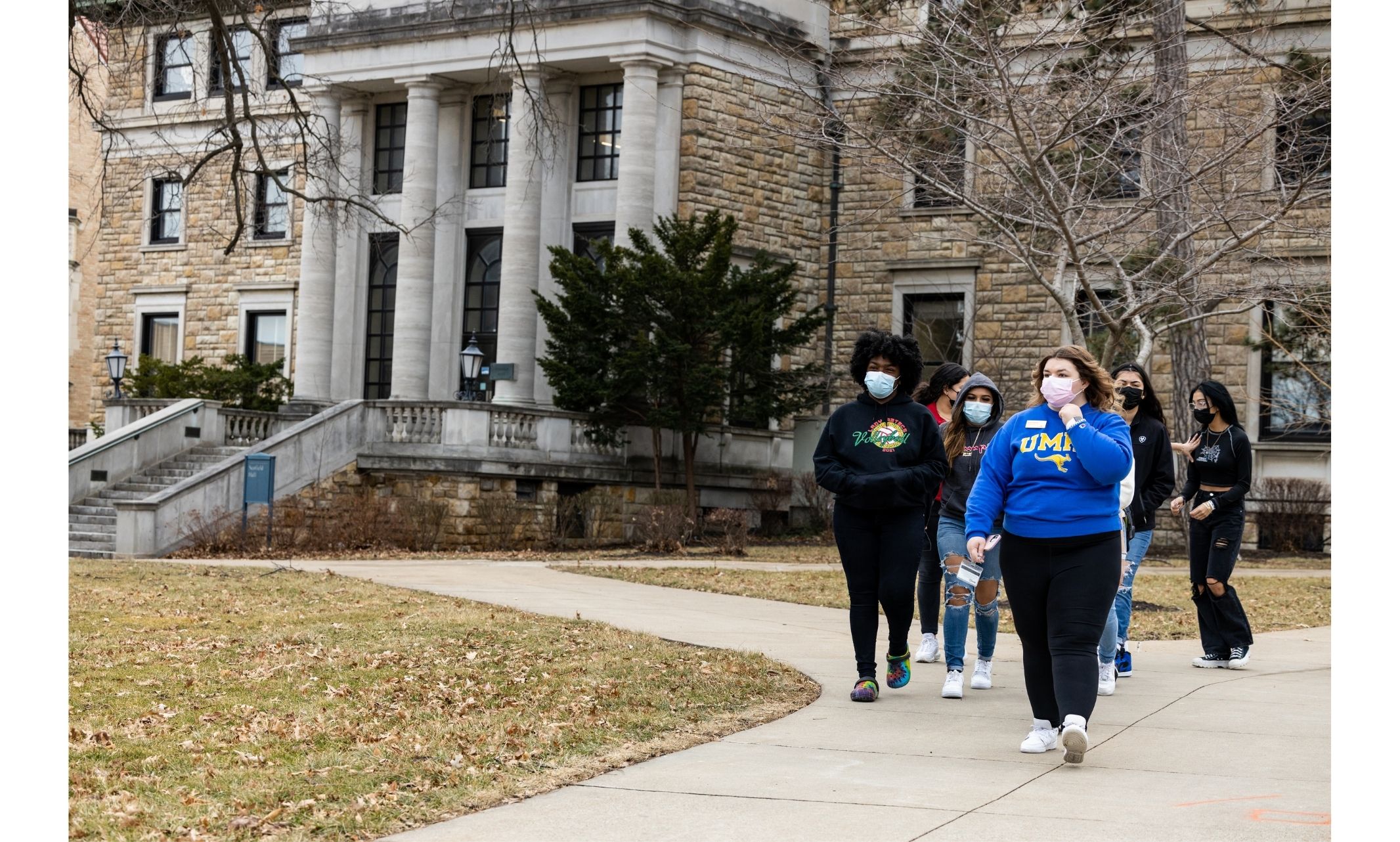
Recently launched "Professional Career Escalators" program prepares students to go beyond the degree
Sophomore students attending Guadalupe Centers High School visited UMKC’s campus to learn about its culture, programs and degree options.
The group of about 35 students are participants in their high school’s college prep program called Early Escalera. It works with students to prepare for college earlier in their high school careers. Early Escalera is the high school equivalent to UMKC’s "Professional Career Escalators"SM, or Career Escalators, program that prepares college students to start thinking about careers from the minute their university experience begins.
Chancellor Agrawal welcomed the students to the university shortly after their arrival on campus. He explained the benefits of UMKC’s new Career Escalators program, a cohort style learning model that encourages students to align their academic journeys with future career goals in mind and supports students with a unique collection of bundled services, resulting in memorable experiences and powerful connections to help students land high-paying careers upon graduation.
“Your program takes you through the early steps of getting to college, ours takes you through getting a degree to a successful and fulfilling career,” said Mauli Agrawal, chancellor.
The chancellor went on to give an overview of UMKC’s degree programs, including two new degree options launching in the fall of 2022 before bidding the students farewell as they ventured out around the Volker Campus for a tour.
“My two favorite spots on campus are the basketball courts and our iconic Roo statue,” said Agrawal. “Be sure to keep an eye out for those spots during your tour and take time to take a picture yourself and post it.”
According to the National Register for Historic Places, Guadalupe Centers is the longest continuously operating agency serving Latinos in the United States. Guadalupe Centers’ educational programming dates back to the 1980’s, expanding from 15 students who learned in the basement of a neighborhood church to now serving over 1,000 students in Pre-kindergarten through high school. The Early Escalera program at Guadalupe Centers High School (GCHS) aims to make sure students graduate, go to college and find continued success.
Uzziel Pecina, assistant teaching professor in the UMKC School of Education, welcomed the group and shared a unique connection to their school.
“Benvenidos, somos familia,” Pecina said, before explaining his role at UMKC’s school of education.
Students were surprised and delighted to learn Pecina is a former principal of Alta Vista High School, which is known today as Guadalupe Centers High School. He went on to share deep familial ties to GCHS – Pecina has a sister who is a GCHS counselor, a brother who taught art there, one nephew who graduated from GCCHS and another who is a current middle school student.
“The culture here at UMKC is unmatched. We have more than 300 student organizations and a culture of support and inclusion,” Pecina said. “Ask questions, introduce yourself to people and make connections as you lay the groundwork for your future college careers.”
Apply to Career Escalators
Feb 11, 2022
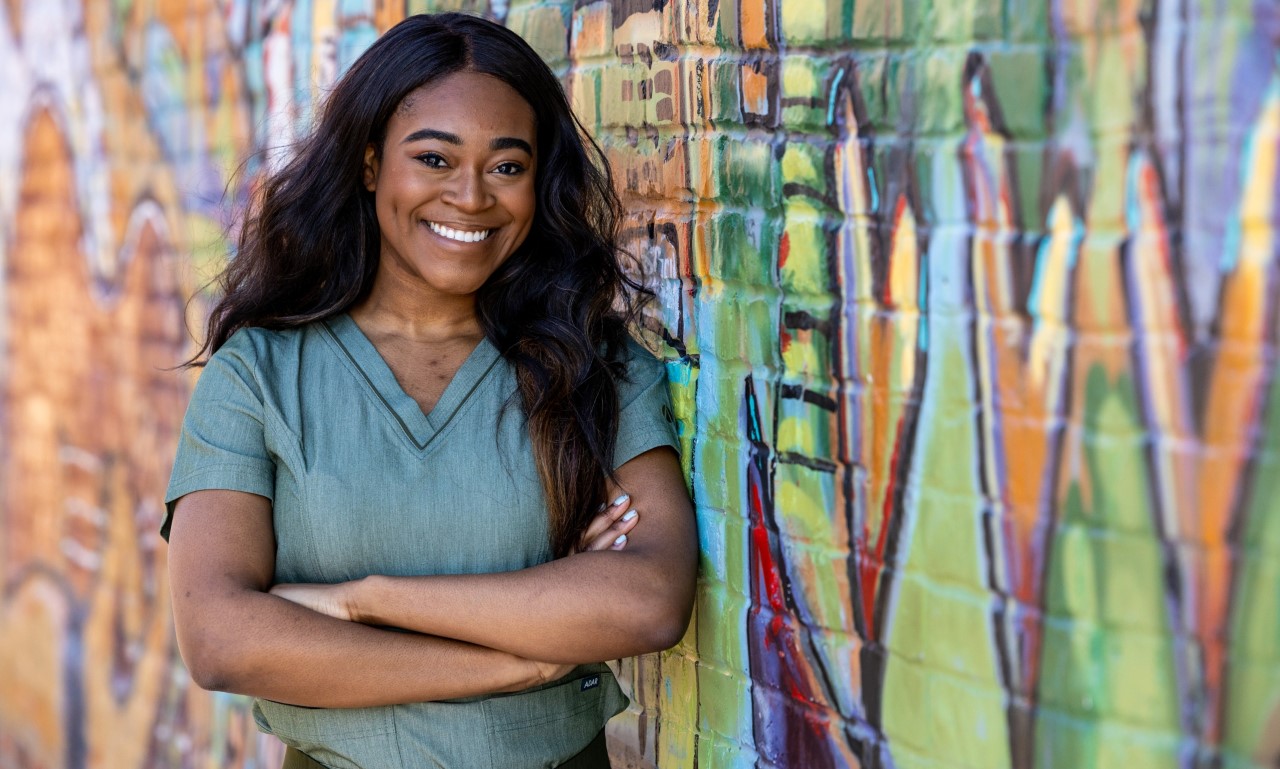
Dumebi Okocha leverages her unexpected ‘medfluencer’ platform for good
Roos don’t just dream, they do. Our students turn ideas into action every day. Get to know our people and you’ll know what UMKC is all about.
Dumebi OkochaAnticipated graduation year: May 2024UMKC degree program: B.A./M.D.Hometown: Waxhaw, North Carolina
As the daughter of a physician and a nurse practitioner, pursuing a medical career was a natural path for Dumebi Okocha.
"I always saw my dad coming back from work and I was always interested in the cases he was seeing, even though I didn’t know what he was talking about. My mom is a nurse practitioner, so I come from a strong health sciences background,” she said. She applied to UMKC because of its six-year accelerated B.A./M.D. program, which would allow her to become a physician faster and save money. When she found herself stuck at home during the COVID-19 pandemic, Okocha did what many people her age do when boredom strikes: she made a TikTok video. She noticed there was not much awareness about accelerated medical programs like hers, so posted about it. “I was just trying to show there were other, quicker, more cost-affordable options without the MCAT,” she said. To her amazement, it racked up more than 50,000 likes. “I was surprised. I just didn’t think anything of it at the time. When I started, I probably had 30 followers,” she said. “I was like, ‘Who are all these people?’ That’s when I was like, okay, if I post consistently, I think I can get a following.”
Soon her inbox was flooded with direct messages from students who had never heard of accelerated programs. It was then that Okocha saw an opportunity to change the face of medicine. She decided to expand her platform to talk about the medical field more broadly and encourage other people who are Black, first-generation Americans, first-generation college students or an under-represented minority to pursue medical careers, no matter if they chose a six-year track or another path. “My goal overall is to be a face for what is possible and to use my privilege to help those who are not as privileged,” said Okocha. “Once they see a Nigerian-American girl in medical school doing her thing, I think it helps them say, ‘Okay, she’s doing it. She’s not perfect but she’s doing it, which means I can do it. I just have to find my way to success.’” Okocha has since expanded her reach, with her highest-viewed video now reaching one million views. At first, she was nervous about her classmates and professors seeing her videos, but she says the feedback has been largely positive. “I was getting too self-conscious thinking that if people are watching, I had to be perfect. But once I heard from administration that they liked my TikToks, I knew I was doing a good job,” she said. In addition to being a medfluencer, Okocha is a UMKC School of Medicine ambassador, Region 2 secretary and the local chapter secretary of the Student National Medical Association, public relations representative for the OBGYN Interest Group and a member of Students Training in Academia, Health and Research (STAHR). Between her studies and her extracurricular commitments, Okocha said her social media presence can be a lot to balance, but she tries to keep things in perspective.“I have to remember this is not my job, this is a hobby. When I place it like that, it’s not an obligation, it’s just for fun,” she said. “I think I laid the expectation that I’m not going to post every day and that’s okay. Around finals, I don’t really post. If I’m changing classes, I tend not to post in the beginning just so I can get my footing. I always put being a student first.”
Through it all, Okocha said she has learned how to manage multiple tasks, find creative solutions and appreciate all the professions of medicine. She hopes by sharing her journey, it will inspire others. “You can have a life, you can go to med school and even if you have disadvantages stacked against you, there are ways around it, you just have to know those ways.”Okocha said she plans to continue and expand her social media presence when she becomes a doctor. “I feel like social media is the new way of getting information out to your patients and educating people,” she said. “My dream is to have a podcast. After I take my boards, I want to start working on that.”
Feb 09, 2022
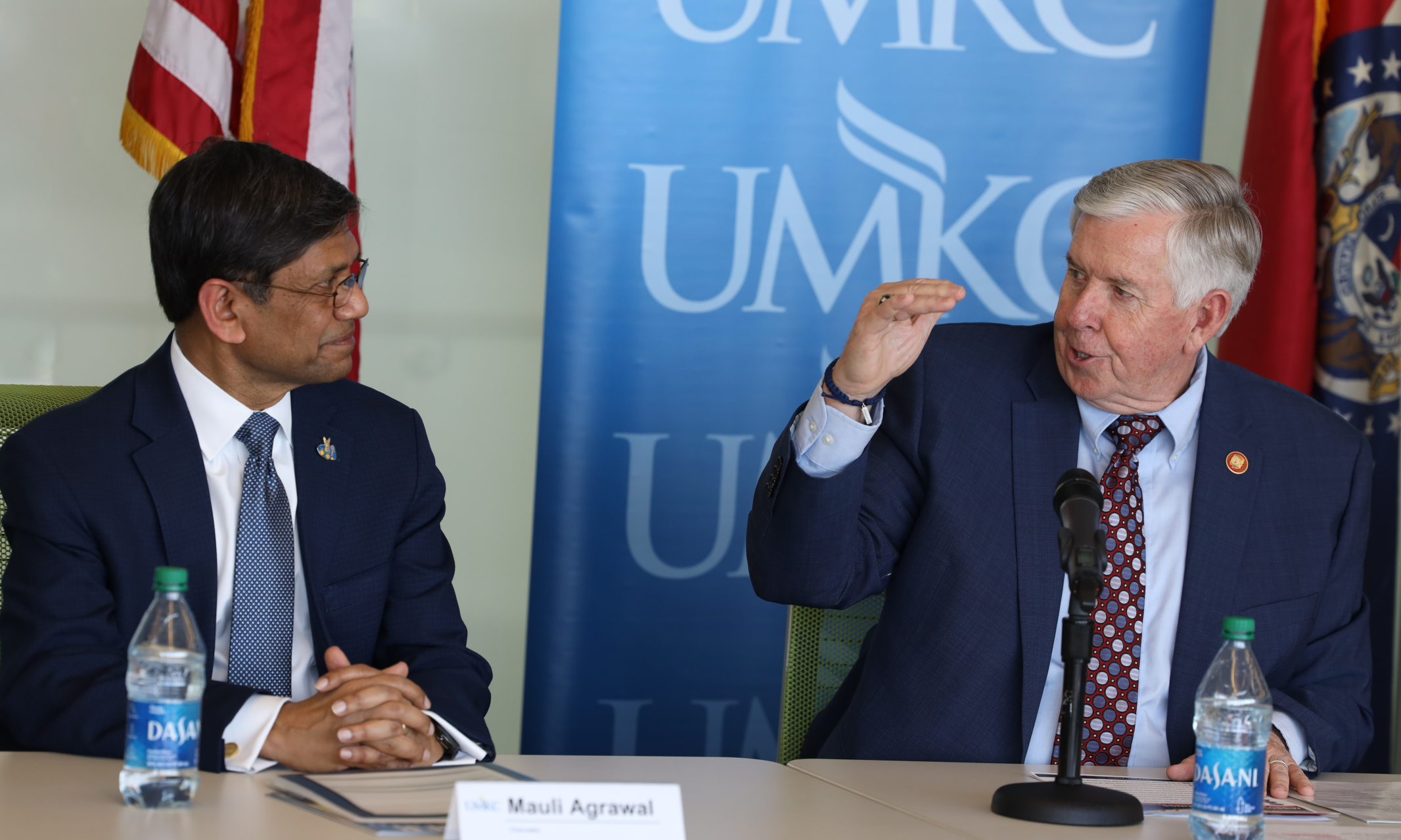
The governor discussed "building the foundation" for important partnerships
Governor Mike Parson visited the University of Missouri-Kansas City to host a roundtable discussion with greater Kansas City community leaders on higher education and workforce development. It's the first time this governor has visited campus.
The governor’s discussion focused on the importance of partnerships for workforce development between K-12 institutions, higher education and the private sector.
“When I first became governor, improving infrastructure and workforce development were the two main goals. I knew the only way I could do that was to partner with K-12 and to partner with higher education,” Parson said. “We are building the foundation of that right now.”
C. Mauli Agrawal, UMKC Chancellor, noted several programs the university has to help bridge those gaps, including a new signature program - Professional Career Escalators. Launched this year, the escalators allow students to include applied experiences to their degree programs, like internships or service learning.
“From the time they start classes, this program will help students focus on their career dreams, and not just getting a degree. That will drive workforce development long-term,” Agrawal said.
Some members of the roundtable consisted of:
C. Mauli Agrawal, UMKC Chancellor
Jenny Lundgren, Provost
Kevin Truman, Dean of the School of Computing and Engineering
Mary Anne Jackson, Dean of the School of Medicine
Steven Haas, Dean of the School of Dentistry
Charlie Shields, Vice-Chair UMKC Board of Trustees and CEO of University Health
Scott Boswell, President of UMKC Board of Trustees and President of Commerce Trust West Region
Ramin Cherafat, Chair of the Greater KC Chamber and UMKC Board of Trustees
Joe Reardon, CEO Greater KC Chamber
Kimberly Beatty, Metropolitan Community College Chancellor
Mark Bedell, Superintendent of Kansas City Public Schools
During his 2022 State of the State address in January, Parson released his budget recommendations for Fiscal Year 2023, which included a recommendation for a 5.4% increase in the core budgets of high education institutions and is proposing $265 million for capital projects across all four of the University of Missouri institutions.
“I would like to thank you for your steadfast support of higher education and understanding of the critical role that public universities play in preparing the workforce,” Agrawal said.
If the total amount of Parson’s recommended funding for higher education is included in the budget, Agrawal said UMKC plans to use its portion to help expand the university’s Health Sciences District, which is home to the School of Dentistry, Medicine, Nursing and Health Studies and Pharmacy.
Combined with UMKC’s partnership with University Health that is already in place, this project would bring billions of dollars to the region, create jobs, propel research and solidify our place among the region’s top healthcare institutions.
“This will make UMKC the premier academic health center,” Agrawal said.
Feb 09, 2022
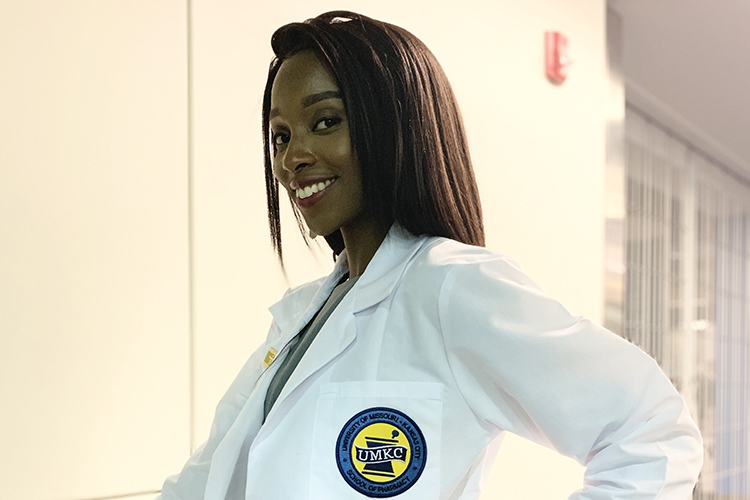
As School of Pharmacy recognizes Black History Month, it celebrates the accomplishments and contributions of the school’s Black community who are m...
Meet Dasjah Mason, a fourth-year student at the UMKC School of Pharmacy, whose goal is to serve underrepresented and marginalized groups as a clinical pharmacist, while also serving as a preceptor and mentor for future pharmacists.
Why did you select UMKC School of Pharmacy?
I moved to Kansas City because I wanted to pursue a career in pharmacy and track and field. I was blessed to receive a scholarship for the women’s track and field program, so it was a no brainer to stay here for pharmacy school. Several pharmacists I knew graduated from UMKC and said they felt they were prepared to pass boards and move on in their career after graduation.
How have UMKC and UMKC School of Pharmacy embraced and supported you as a Black student?
The UMKC School of Pharmacy has embraced and supported Black students in several ways over my last few years. Namely establishing the Black Student Pharmacists Organization and working with its members to create a network with other Black alumi. Also, faculty actively participate in the Students Training in Academia, Health, and Research (STAHR) Program. The STAHR program is aimed towards retention and graduation of students from economically and educationally challenged backgrounds. Faculty provided mentorship through several workshops, one-on-one meetings and being available to their students daily. Through this experience, I was able to create strong relationships that help me develop professionally and personally.
Why would you encourage prospective students from your background to consider the UMKC School of Pharmacy?
I would encourage prospective students to consider UMKC because its current students are working to create a network to recruit and retain Black students and serve its surrounding community.
What do you hope to do in pharmacy when you graduate and how do you feel the School of Pharmacy is helping prepare you for that?
After graduation, I wish to complete PGY1 and PGY2 residencies in a specialized area of interest then become board certified. After completion of my residency training, I plan to maintain a clinical practice while having a role precepting and mentoring pharmacy students and residents. Moreover, another passion of mine is serving underrepresented and marginalized groups. Therefore, I believe a residency experience would equip me with clinical skills on acute and chronic disease states to use towards patients who tend to have significant disparities that interrupt their health care. I believe the UMKC SOP has prepared me well for residency. Throughout my rotational experiences, I feel stronger in my abilities to be a clinical pharmacist and I think that stems from my strong baseline knowledge gained in the classroom.
Feb 09, 2022
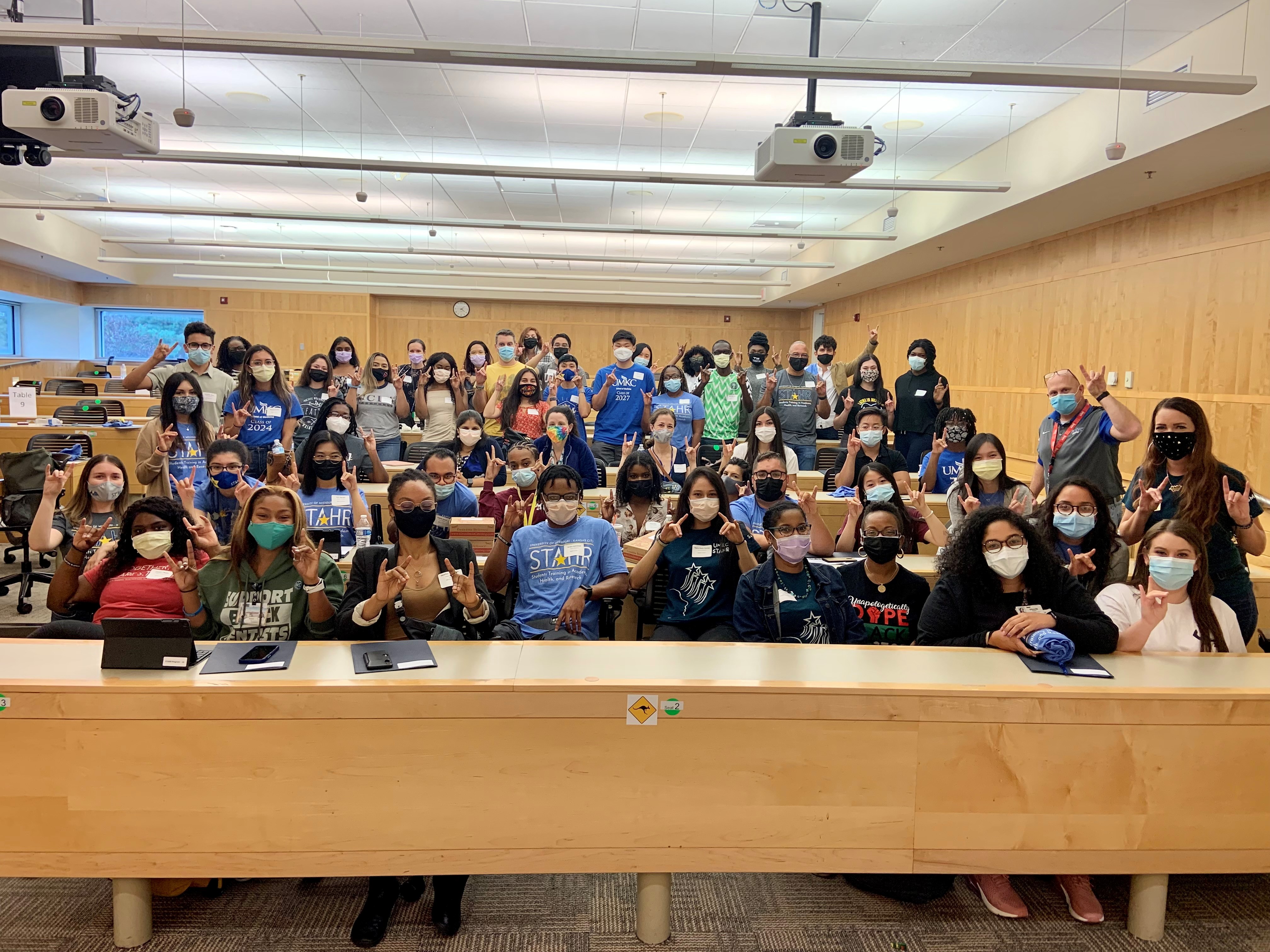
Collaborative seeks to increase the number of students from disadvantaged backgrounds entering health care programs and better prepare them for suc...
Sayra Nieto Gomez realized there would be challenges as an underrepresented minority student at the UMKC School of Medicine. More important, the fourth-year med student also discovered a program that has helped her, and others like her, rise to meet the challenges that many underrepresented minority students deal with in the health care field.
The Students Training in Academia, Health, and Research (STAHR) Partnership is a collaborative of the UMKC schools of medicine, dentistry and pharmacy. The program is designed to increase the number of students from disadvantaged backgrounds entering health care programs and better prepare them for success academically and professionally.
Sayra Nieto Gomez
“As a student, the STAHR program has provided a safe environment for me to be myself and to learn from students and physicians facing similar challenges,” Gomez said. “The most impactful thing that I’ve gained from this program is knowing that challenges persist through a person’s career. But as students and future physicians, we learn to adapt and grow from those challenges.”
STAHR is a two-pronged initiative that was started in 2018 to build and expand on the medical school’s highly successful high school Summer Scholars program and the dental school’s Admissions Enhancement Program.Today, in addition to a greatly expanded scholars program that offers multiple tracts for high school and college students to learn about and prepare for careers in health care, STAHR encompasses an ambassador program that provides current UMKC health professions students with meetings and mentorship opportunities. Ambassador workshops take place several times a year to help students learn and develop pertinent skills such as overcoming self-doubt and develop strategies to achieve academic success.It’s also vital in helping students create a community of like-minded peers, said Scott Guerrero, director of the STAHR program.“We use the Thomas Principles that focus on academic support, psychological support, identity development, leadership, sense of belonging and professional development,” Guerrero said. “Our first workshop was on academic support where we talked about what it means to be academically successful and how to overcome challenges in the classroom or within their setting.”A November workshop focused on mental health and wellness and how to cope with the stress of being a health professional student and burnout.
Natinael Mamo
“Being part of the STAHR program has helped me get to this point in my pharmacy degree,” said fourth-year pharmacy student Natinael Mamo. “The most impactful thing for me has been the numerous resources introduced to help me attain my academic and professional goals.”He’s not alone. Students from economically and educationally disadvantaged backgrounds typically succeed in attending and completing health professions degree programs at a far lower rate than students from strong schools in thriving communities. But at UMKC, as many as 150 students and more than 130 staff and health professionals across the UMKC Health Sciences Campus and community are participating in the STAHR Ambassador and Scholars programs that are changing that dynamic.Now in its fourth year, STAHR initially received a five-year $3.2 million grant from the United States Health Resources and Services Administration. Guerrero said he will soon be applying to renew the grant while also working on other sustainability efforts.In the meantime, he has a broader vision for STAHR, which is already helping many students succeed in preparing for careers in health care.“Our recruitment efforts and outreach efforts need to ramp up,” Guerrero said. “We’d love to do STAHR Days – have students come and learn about each of our programs. We’d like to recruit more economic or educationally disadvantaged students and just share our story, the benefits of a mentorship program and the success of the students in our program and their sense of belonging.”Mamo is one of those success stories. He said the Ambassadors program has helped him through the rigors of pharmacy school in part by fostering a better relationship with faculty members and peers that may not have occurred otherwise.“I would tell students that you should join STAHR to further enhance your experience within your program,” he said. “The STAHR program is led by many supportive and uplifting people who are here to guide you in utilizing your resources and to succeed in your profession. You grow through the support of all the faculty and professionals who contribute to STAHR and interactions with students in other health professions.”Guerrero admits the growth of STAHR is stretching him and his staff. But the payoff, he said, is worth the effort.“At times, it’s pushing us to our limits,” he said. “But I go back to our students need it. They’re going to grow and learn more when we can make the experience as individualized as possible, but also cater to what they’re looking for.”Gomez said the STAHR program is making it possible for young people who are passionate about becoming a physician like her to attain that dream.“The STAHR program creates a community of people who support us and help us throughout our challenges, which is very important to our success,” she said.
Feb 08, 2022
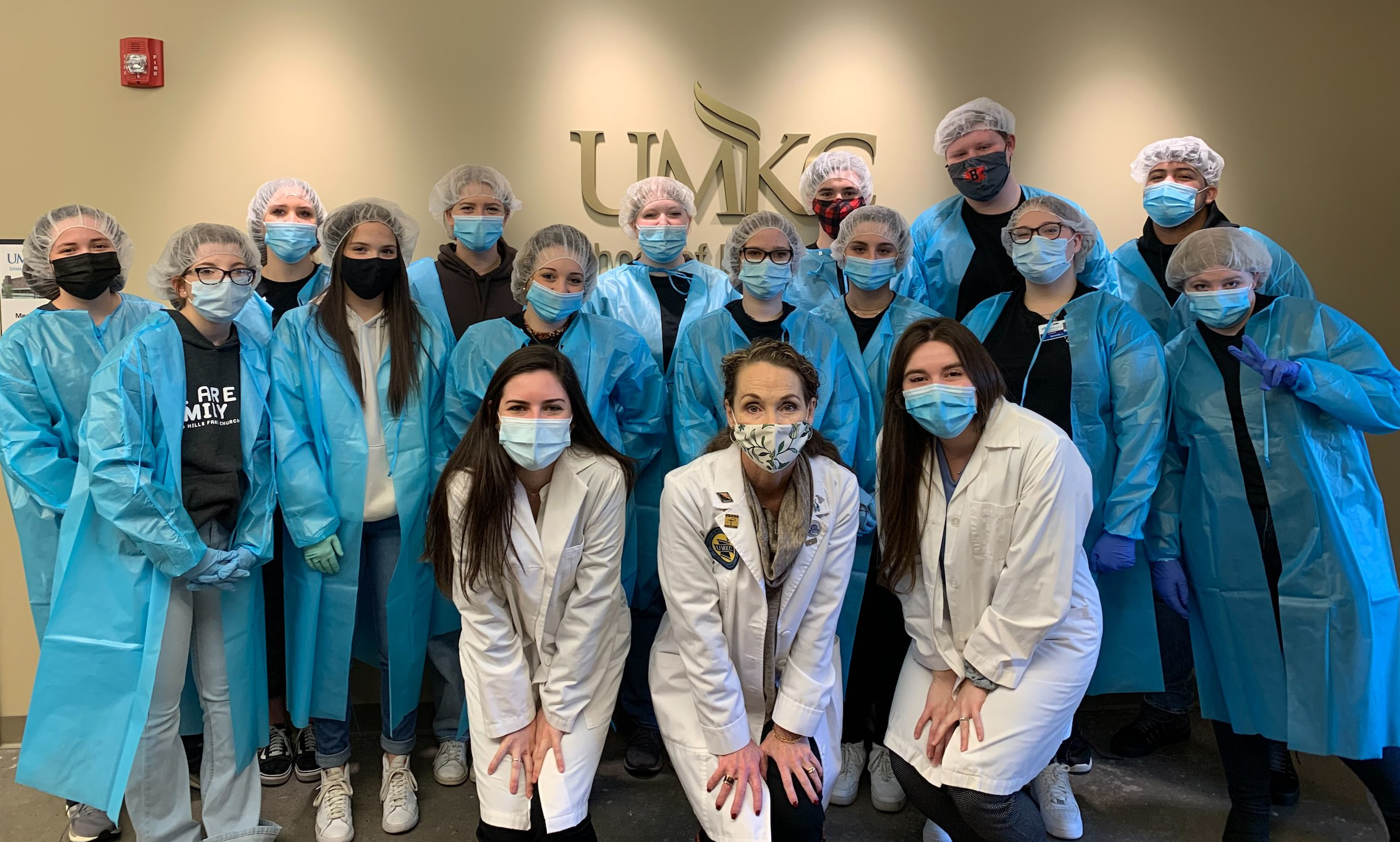
High school students are learning the roles of the pharmacist within the health care team through a career exploration program with Heather Lyons-B...
Each January, Heather Lyons-Burney, Pharm.D., welcomes a group of area high school students to visit her laboratory at the UMKC School of Pharmacy’s Springfield campus. For two and a half hours, the students take part in an experience of chemical compounding and discuss the role of non-sterile compounding to meet the unique needs of patients.
The students are part of the Greater Ozarks-Centers for Advanced Placement (GO-CAPS) program. Throughout the year, they will meet monthly with Lyons-Burney, and often one of her UMKC pharmacy students, to learn about a pharmacy topic and engage in pharmacist-like activities.
GO-CAPS is a career exploration program that partners with businesses throughout Missouri’s greater Ozarks area. It offers high school juniors and seniors an educational opportunity driven by real-world, career-oriented experiences. For those interested in health care, particularly pharmacy, there is Lyons-Burney.
“My goal is for the students to understand the role of the pharmacist on the health care team and how pharmacists impact patient outcomes,” she said. “Whether or not they decide to be a pharmacist, I want them to feel comfortable reaching out to the professionals who are the medication experts. I enjoy working with these motivated students, helping them explore various occupations in health care and how we work best as a team.”
As part of their high school curriculum, GO-CAPS students participate in a program of shadowing, attending classroom presentations, participating in various pharmacy projects and ultimately developing their own capstone project.
Lyons-Burney is part of the area-wide GO-CAPS program and serves on the advisory board as a resource for learning experiences and on-site ambulatory care clinic shadowing. The program provides a packed schedule of exploring a wide spectrum of the health care field including learning to perform CPR and emergency first aid with paramedics, how to set a fracture with an orthopedists and gaining a greater understanding of medical technology.
As a pharmacist, Lyons-Burney leads the high school students, currently a class of 16, in exploring the various areas of health care where one might find a pharmacist and provide them with clinical examples of the many roles today’s pharmacists play.Their classroom and laboratory sessions touch on lessons such as how pharmacists intersect with patients in addressing social determinants of health to clinical discussions on the complications of diabetes, such as neuropathy, and how to conduct a mono-filament foot exam to assess the loss of one’s sensation. Students also break into teams to work on and present patient cases.“My focus is to explore the roles of pharmacists in various settings by walking the high school students through a topic discussion of a disease state and discuss how a pharmacist in a hospital, long-term care setting, specialists office, primary care clinic or community pharmacy may be involved with patient care and the health care team,” Lyons-Burney said.She said that much of the pharmacist’s role in patient care involves considering options for therapies and whether or not those therapies will be safe and effective for a patient.“To demonstrate that process, it’s easiest to put the student somewhat in the seat of a pharmacist and have them think through a patient case to come up with a safe, effective option,” she said.Lyons-Burney said that by exploring multiple health care professions, including pharmacy, students in the GO-CAPS program may wind up going into a profession they might never had considered before.“Regardless of the health care profession that the students choose, this provides them with skills and knowledge that gives them a head start,” she said.
Feb 08, 2022
Former economics department chair Stephanie Kelton recently spoke to the New York Times
Kelton spoke about Modern Monetary Theory and the test that the COVID-19 pandemic has put the theory through. Read more.
Subscription required
Feb 08, 2022
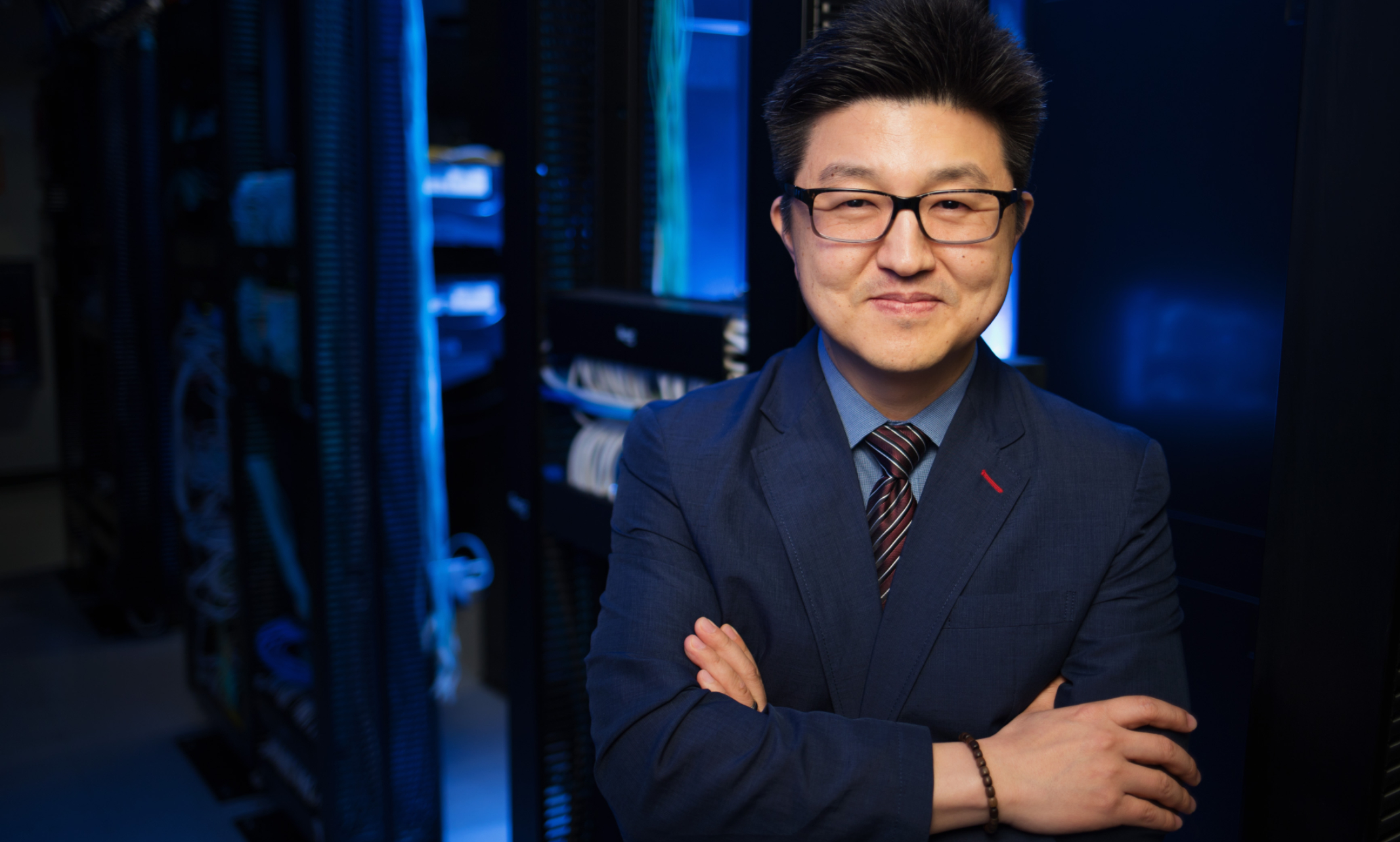
Jungwoo Ryoo receives School of Computing and Engineering Alumni Achievement Award
Each year, the UMKC Alumni Association recognizes the achievements of outstanding alumni with an awards celebration. The UMKC School of Computing and Engineering is honoring Jungwoo Ryoo (B.S. '96, M.S. '98) with its Class of 2022 Alumni Achievement Award.
Jungwoo Ryoo currently serves as the head of the Divison of Business, Engineering and Information Sciences and Technology and Professor of Information Sciences and Technology at Pennsylvania State University-Altoona. Recently, he was named Chancellor and Chief Academic Officer of Penn State DuBois, which he will begin on April 4, 2022.
He received his B.S. ('96) and M.S. ('98) from UMKC before completing his Ph.D. in computer science at the University of Kansas.
His research interests include information security and assurance, software engineering, computer networking and data science. Ryoo is the author of numerous academic articles and conducts extensive research in software security, network/cyber security, security management and auditing, software architectures, object-oriented software development and requirements engineering. Overall, he has received more than $1.5 million in total external funding.
How do you feel you've been able to move the world of computer science forward through your work?
I feel that my contribution to computer science has been making cutting-edge technologies more accessible to both end-users and developers to be at their best in what they do.
My work over the years has evolved from general software engineering to software security. With this narrower focus, it's easier to find problems with real-life consequences. For example, I have conducted two studies funded by the Center for Rural Pennsylvania to assess the cybersecurity readiness of local governments. Another prime example is my work to make it easier to build security into software applications through a methodology like Architectural Analysis for Security.
How did UMKC prepare you for/contribute to your success?
My professors laid a solid foundation for my learning path in computer science. Back in 1994, the name of our program was the Computer Science and Telecommunications Program, which was innovative and ahead of its time.
I gained my knowledge in networking and telecommunications on top of the traditional computer science curriculum, which became really handy when I became more interested in cybersecurity research.
What advice do you have for students who'd like to follow in your footsteps?
My advice would be to try to step out of your comfort zone. If you want to become a better person, you shouldn't be afraid of being uncomfortable with failing fast and often. The key to success is to learn from your failures and keep moving forward.
About Alumni Awards
Join us in honoring Ryoo and the other Class of 2022 awardees at an in-person celebration at 6 p.m. April 29, at the James C. Olson Performing Arts Center. To register, visit UMKC's Alumni Association website. If you are unable to attend the event but would like to donate to student scholarships, contributions can be made online.
Feb 07, 2022
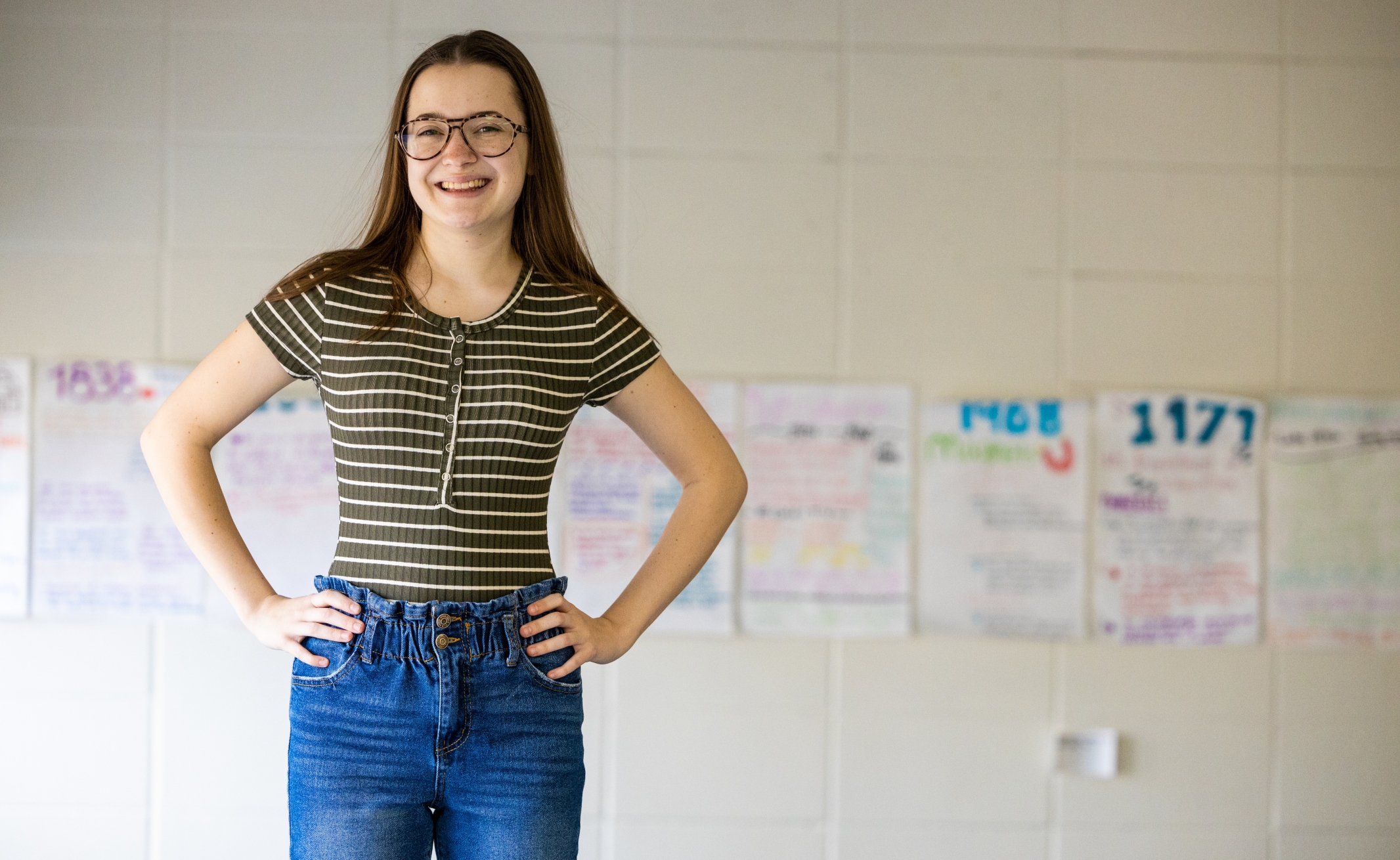
The Grow Your Own program is a catalyst for student success
Roos don’t just dream, they do. Our students turn ideas into action every day. Get to know our people and you’ll know what UMKC is all about.
Audri Sander is building her future in the UMKC School of Education Institute for Urban Education (IUE) Grow Your Own program.
“My principal contacted me over the summer,” Sander says. “We set up a Zoom meeting to talk about IUE. She’s a graduate of the program and she knew I wanted to be a teacher. She thought it would be a good fit.”
Sander’s principal, Kirsten Brown-Persley, BA, ‘12 of Crossroads Preparatory Academy, recommended Sander to the Grow Your Own program, which is sponsored by the IUE in the UMKC School of Education. The program recruits students in diverse high schools and provides college scholarships to help pay for their education degrees when they commit to teach in urban classrooms. Participants have dual credit options while in high school and scholarship opportunities.
“I feel like teaching is such an impactful job. Teachers really have the ability to change lives, and I love that idea.” — Audri Sander
“Audri was always transparent about wanting to be a teacher,” Brown-Persley says. “I knew she would love the program because of her commitment to both social service and education.”
UMKC’s IUE program has a 100% job placement rate following graduation and nearly 90% five-year retention rate of graduates teaching in their chosen schools. Missouri’s overall retention rate is 35%, so the students’ foundation for career success is significant.
“This program has been such a good fit,” Sander says. “I feel like teaching is such an impactful job. Teachers really have the ability to change lives, and I love that idea. Also, I love being around kids. I feed off their energy.”
It’s not just the classes at UMKC that energize Sander. There are thirteen students in her IUE cohort, which has helped her find friends easily during her freshman year. In addition to the coursework related to their majors, IUE students also participate in co-curricular courses and activities.
“I wasn’t sure how long it would take me to get to know the people in my cohort,” she says. “But we just clicked instantly.”
Brown-Persley had a similar experience in IUE.
“I made lifelong friendships in the program,” she says. “I knew Audri would be able to build her network and build skills and experience that will make her an excellent teacher.”
Sander has two main goals – graduate and start teaching immediately.
“One of the objectives of the program is for students to get jobs right away after graduation,” she says. “I’m super excited to get into the classroom and be hands on.”
Sander thinks that teaching will make her feel as if she’s really accomplishing something important.
“While it’s not like I’m in construction, where I can see what I’m accomplishing, I still feel as if I’ll be able to look back from the beginning of the school year and see the progress that I’ve helped students make. That’s really exciting to me.”
Feb 03, 2022
Tony Caruso is an accomplished professor of physics and electrical engineering at UMKC
The Kansas City Business Journal recently wrote that Caruso earned the distinction of being named a Fellow of the National Academy of Inventors, the highest professional distinction awarded to academic inventors. Read more
Feb 02, 2022
A profile of KC Tenants founder Tara Raghuveer shows how the organization's leader worked with UMKC's Center for Neighborhoods
Raghuveer shared data with Center for Neighborhoods to help address housing access. Jacob Wagner, director of urban studies at UMKC, was also quoted. Read more
Feb 02, 2022
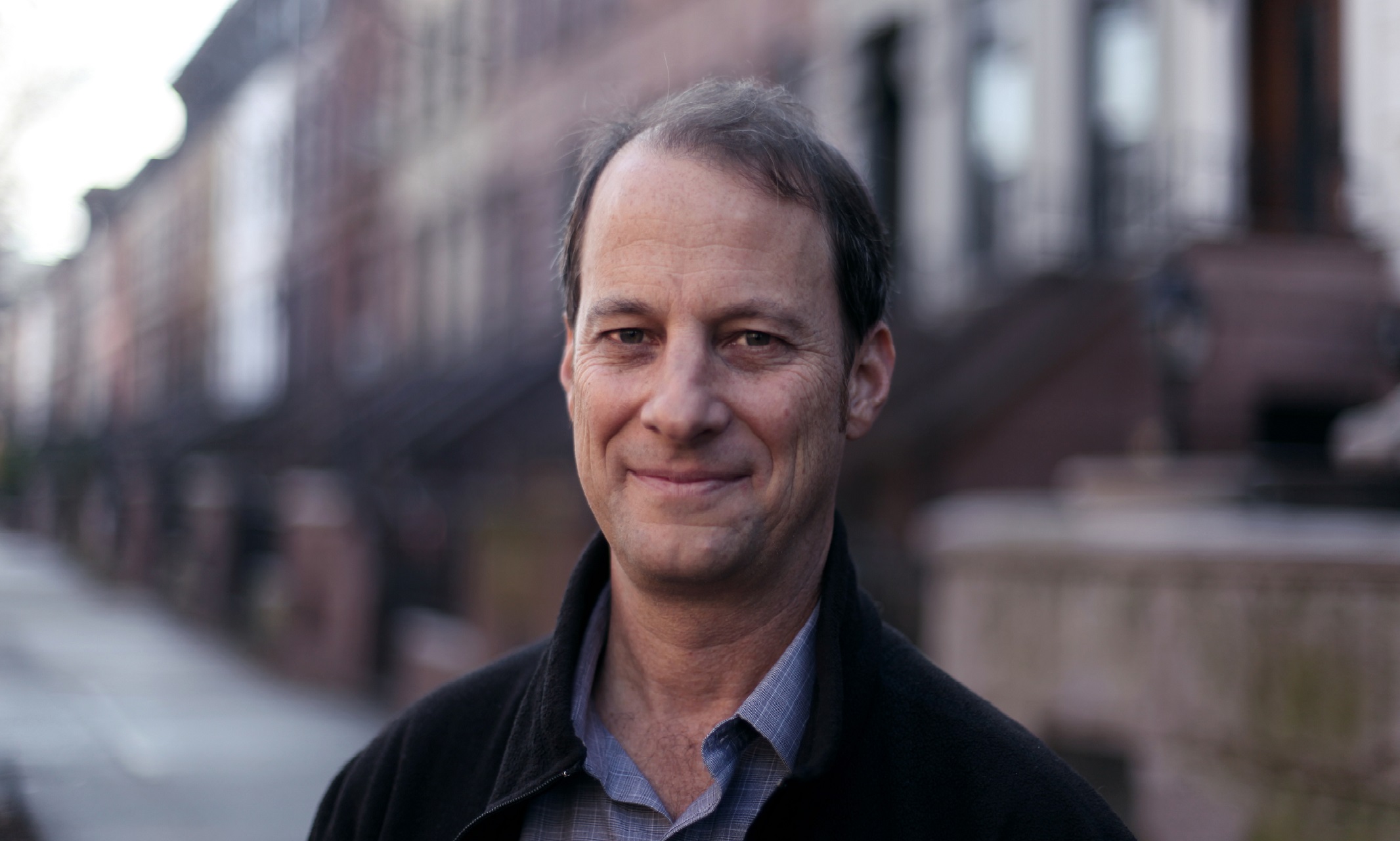
National Book Award-winning author discusses his latest book
The Carolyn Benton Cockefair Chair hosted writer George Packer in discussion of his latest book, “The Last Best Hope for Our Democracy.”
George Packer, staff writer at The Atlantic, contributor to The New Yorker and The New York Times won the National Book Award for Nonfiction in 2013 and was a Pulitzer Prize finalist in 2019. He began his remarks with an anecdote from a marriage therapist.
“When [the therapist] began to see eye rolling, sarcasm, sneering, snark, name-calling and mockery, he knew the marriage was headed for divorce,” he said. “Contempt, I think is the mood of our moment. American philosopher Scott Stevens calls contempt, “the vice that runs like acid.”
While Packer understands that this derision may feel rewarding to the person delivering the judgement at the time, ultimately, he thinks this type of discourse is damaging.
“I think it is as dangerous to democracy as it is to marriage.”
Basing many of his observations on history, Packer noted philosopher Alexis de Tocqueville’s view that was most striking feature of Americans is their commitment to equality in freedom.
“We should ask ourselves what will make us more capable of self-government. What institutions and practices shape citizens of a liberal democracy? We have to create the conditions of equality.” — George Packer
“The passion for equality, the ardent, insatiable, eternal and invincible desire of democratic people to be as good as everyone else in political terms. This passion for equality is the only basis for shared citizenship.”
Recounting the political rancor of the last six years, Packer believes many people, regardless of political affiliation, have lost “the democratic act of listening, considering, compromising and reaching an imperfect decision. These are all betrayed by contempt.
“The acid of contempt erases the humanity of the other and releases us from our responsibility to the other.”
Once contempt is the norm, he contends, and the subject becomes group and not individuals, it is “easier to erase the humanity of an entire tribe, where the tribalism is one of its political views, or race, sex or region, contempt is especially hard to resist.”
He is alarmed at the artificial intelligence that drives social media which divides people to extreme states.
“We've in some ways, given up our free will and our agency, and our sense of responsibility and are simply reacting to algorithms.”
Packer quoted the German writer, Thomas Mann, who fled the Nazis in 1938 and came to America: “We must define democracy as that form of government and a society which is inspired above every other with the feeling and consciousness of the dignity of man.”
Packer believes maintaining the dignity of mankind is essential. He also believes that despite our current division, there is a way through.
“We should ask ourselves what will make us more capable of self-government. What institutions and practices shape citizens of a liberal democracy? We have to create the conditions of equality.”
He encouraged the audience to avoid contempt, retain a sense of commonality in our citizenship and to try to imagine the experience of people with whom they disagree. And in closing, he had two thoughts on being better democratic citizens.
“Education has a complex, but essential connection to democracy. Going back to Thomas Mann, he said democracy wishes to elevate mankind to teach it to think, to set it free.
“To Mann education has the opposite purpose of propaganda. It strives for human dignity, not contempt.”
The Cockefair Chair at UMKC presents scholars, artists and experts discussing their perspectives on contemporary issues and ideas. Every year, a prominent author or poet presents a public lecture and serves as the writer in residence for students in the Creative Writing Program for the UMKC English Department.
Feb 02, 2022
The position serves Iowa, Kansas, Missouri and Nebraska.
President Joe Biden appointed Ulysses “Deke” Clayborn (JD ’81) to serve as HUD Regional Administrator for region 7.
Ulysses Clayborn is currently the managing member of Clayborn & Associates, LLC, a law firm located in Kansas City, Missouri whose practice is focused in the real estate development area. The firm primarily represents developers and lenders engaged in development of multifamily housing and commercial development projects.
You can read the full announcement on the White House Briefing Room.
Jan 28, 2022
Two ceremonies set for Sunday, May 15
Following up on a spectacular and historic spring 2021 commencement at Kauffman Stadium, the University of Missouri-Kansas City will return to the home of the Kansas City Royals for graduation ceremonies for the Class of 2022.
Two ceremonies are scheduled for Sunday, May 15, at 10 a.m. and 2 p.m.
The second consecutive May “Commencement at The K” symbolizes the central and unique role UMKC plays in the Greater Kansas City community, and continues the new tradition of Kansas City’s university celebrating our graduates at iconic Kansas City buildings and sites. The recent December commencement was held indoors at the T-Mobile Center in the heart of downtown.
“Commencement at The K in 2021 was so exciting and successful that it was always going to be our first choice for this year,” said Chancellor Mauli Agrawal. “We are once again so very grateful to John Sherman and the Royals organization for making it possible for us to give our graduates the major-league sendoff celebration they deserve.”
The May 15 event will take place rain or shine, and currently there is no limit on the number of guests per student.
“We’re proud to host and honor the next class of UMKC graduates. We congratulate them and look forward to seeing them become leaders in our community,” said John Sherman, Chairman and CEO of the Royals.
The 10 a.m. ceremony will include graduates from these academic units: Henry W. Bloch School of Management, School of Dentistry, School of Law, School of Medicine, School of Nursing and Health Studies and School of Pharmacy.
The 2 p.m. ceremony will include graduates from these academic units: College of Arts and Sciences, School of Biological and Chemical Sciences, School of Computing and Engineering, Conservatory and School of Education.
Additional details, such as the commencement speaker, will be announced in coming weeks. Please continue to check our commencement website for the most up to date information at our Commencement website.
Jan 27, 2022
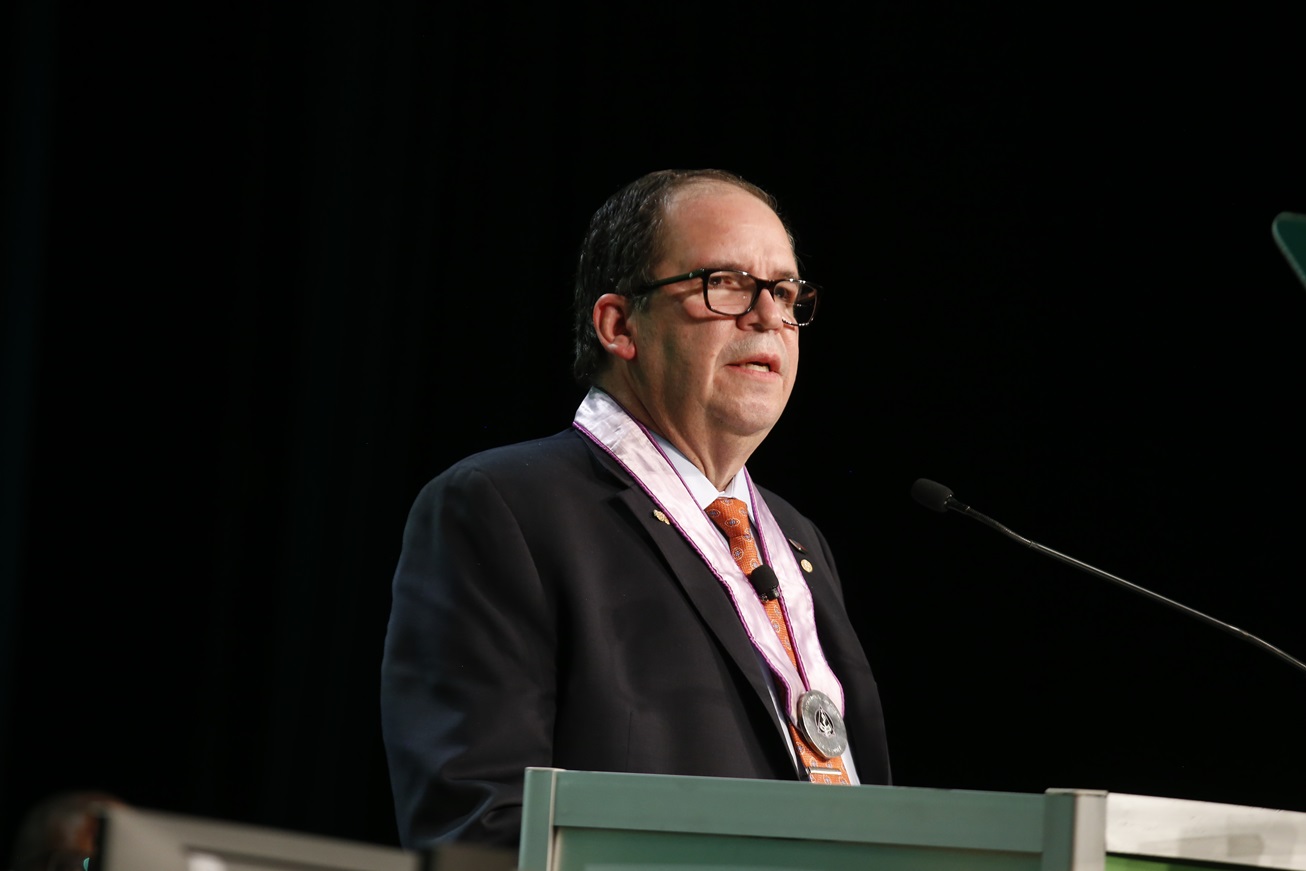
Cesar Sabates is president of the American Dental Association
For UMKC School of Dentistry alum, César Sabatés (DDS ‘87, AEGD ’88), the oral health care field has been a lifelong passion. Now he’s rising even further in the profession. Sabatés has been chosen as the next president of the American Dental Association (ADA), the nation’s largest dental organization, representing 162,000 members.
Sabatés is the 158th president in the organization’s storied history and the first Cuban-American to hold the position. He is a first-generation immigrant, whose family came from Cuba in 1967. In his address to the ADA House of Delegates, he proudly described his family’s pursuit of the American Dream.
“As you may know, I was a child of Castro-era Cuba,” he said. “At seven years old, my family boarded a freedom flight to the United States. My parents sacrificed everything to ensure that their children would have the chance to be free and educated here in the land of opportunities.”
Sabatés, a son of a dentist, was born in Camaguey, Cuba. Although, the junior Sabatés pursued an undergraduate degree in electrical engineering at the University of Miami, the draw of the family business eventually brought him to Kansas City and the UMKC School of Dentistry.
His time at the school continues to guide the care he provides his patients. He credits long-time dentistry faculty member, Dr. John Haynes, who gave him some influential advice that sticks with him some 35 years later.
“He was also a pediatric dentist, and all those years ago he told me, ‘Kids are terrified, so their first visit with you is important. Being rough will traumatize them. Being kind will be influential. Always be kind,’ said Sabatés. “Today, his advice comes to mind every time I meet with a patient of any age—first visit, last visit, and all those in between.”
Sabates has been a long-standing active and influential member of ADA, serving as the 17th District trustee of the ADA Board of Trustees from 2016-2020 and as a delegate in the ADA House of Delegates from 2000-2016. He is also a past president of the Florida Dental Association and South Florida District Dental Association.
As for his plans for the ADA, the compassionate advice Haynes gave resonates throughout. According to Sabates, an important aspect of his presidency is strengthening the group’s professional family as well as making everyone feel welcome in the ADA.
“Dr. Haynes’ straightforward advice on love and compassion for patients has been integral to my philosophy of care,” Sabates said in his ADA address. “His kindness mattered to me, and I can only hope that my kindness has mattered to my patients just the same.”
Jan 27, 2022
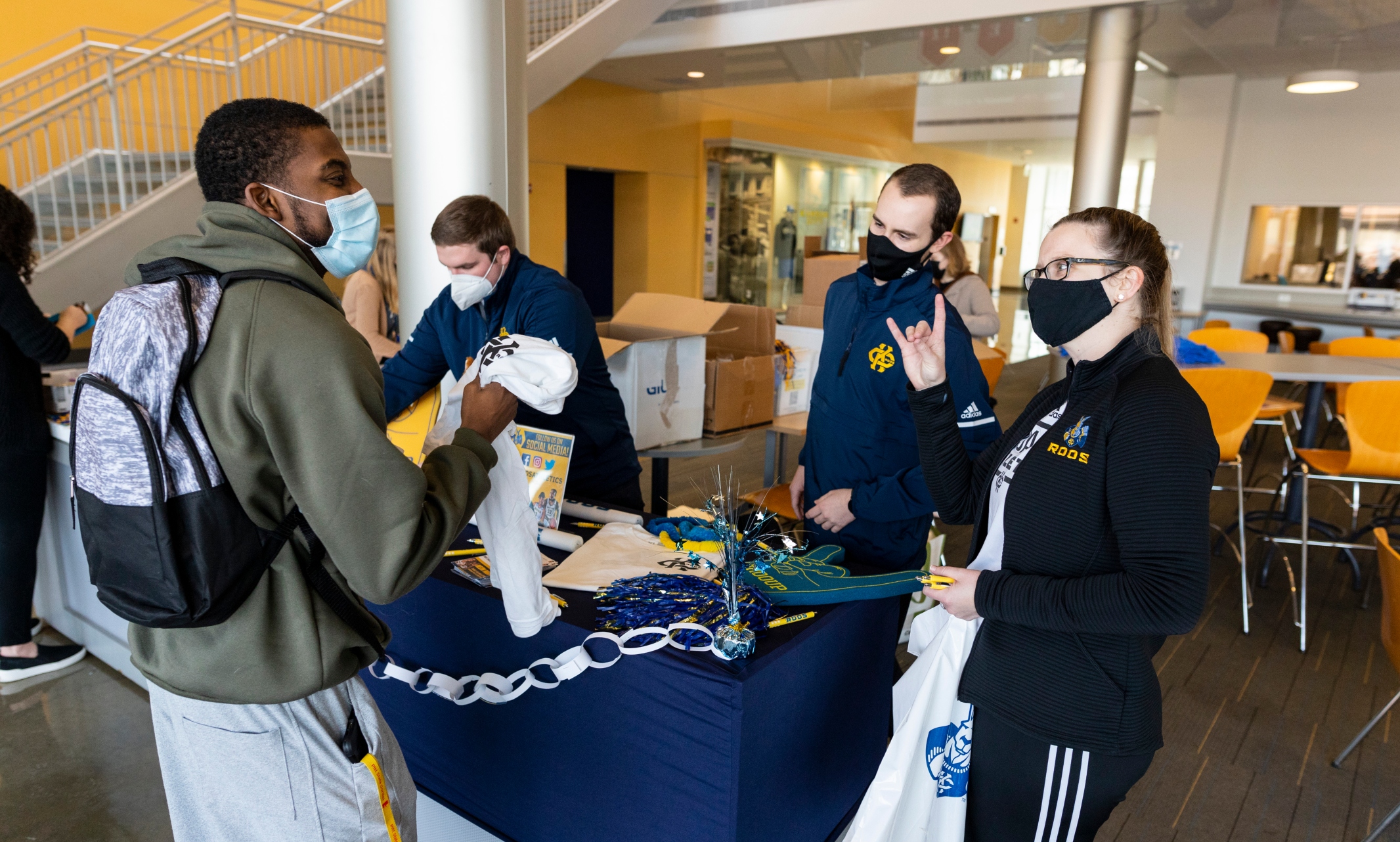
An advisor's encouragement for her students
Welcome back from winter break, Roos!
Here we are at the beginning of a new semester, another one that is starting under less than normal circumstances. Many of us look at the new year and new semester as a fresh start, the “factory reset,” the opportunity to grow and learn, to be better. For a lot of folks, it is a happy and hopeful time. The UMKC faculty and staff are happy to have you back on campus and hopeful that we all have a good semester.
We are also many months into a very weird and stressful time, living through a pandemic. Some of us are struggling, some of us are tired. Guilty, scared, overwhelmed. Doing completely okay, excited to get our first Pizza 51 slice of the semester, excited about our new campus job. As we start a new year and a new semester, know that all of the above and anything else you are feeling is completely valid.
As the semester starts back up and before things get crazy, busy, and occasionally stressful I want to remind you of a few things:
Remember to be as kind to yourselves as you are to the other people in your lives.
We have a lot of smart, driven people on this campus. Smart, driven people do amazing things; they also tend to be a little hard on themselves when things don’t go perfectly. I know many of you have heard me say “there is a difference between the best you can do under perfect circumstances and the best you can do under circumstances as they are.” Make sure you know the difference and are judging yourself accordingly.
Know there are people and resources available to help you.
Your academic advisor, the folks at Counseling Services, Academic Support and Mentoring and so many people on this campus are ready to help you succeed. We are all here so you don’t have to carry your burdens alone and so you don’t have to celebrate your triumphs alone (high fiving yourself just isn’t as much fun).
We're happy you're here! Make sure to find ways to connect.
I am happy you all are back on campus (it is so quiet when you are not here) and am hopeful to see what the spring brings us. And whether you’re a new or seasoned Roo, there’s always someone new and interesting to meet in class, at an event or through one of the many student organizations.
So for now, bundle up (seriously, it is so cold — hats and mittens folks, hats and mittens!), take a deep breath (or a few), and enjoy as many moments as you can of the weirdest college experience anyone has had in a while!
Learn more about the UMKC Honors Program
Jan 26, 2022
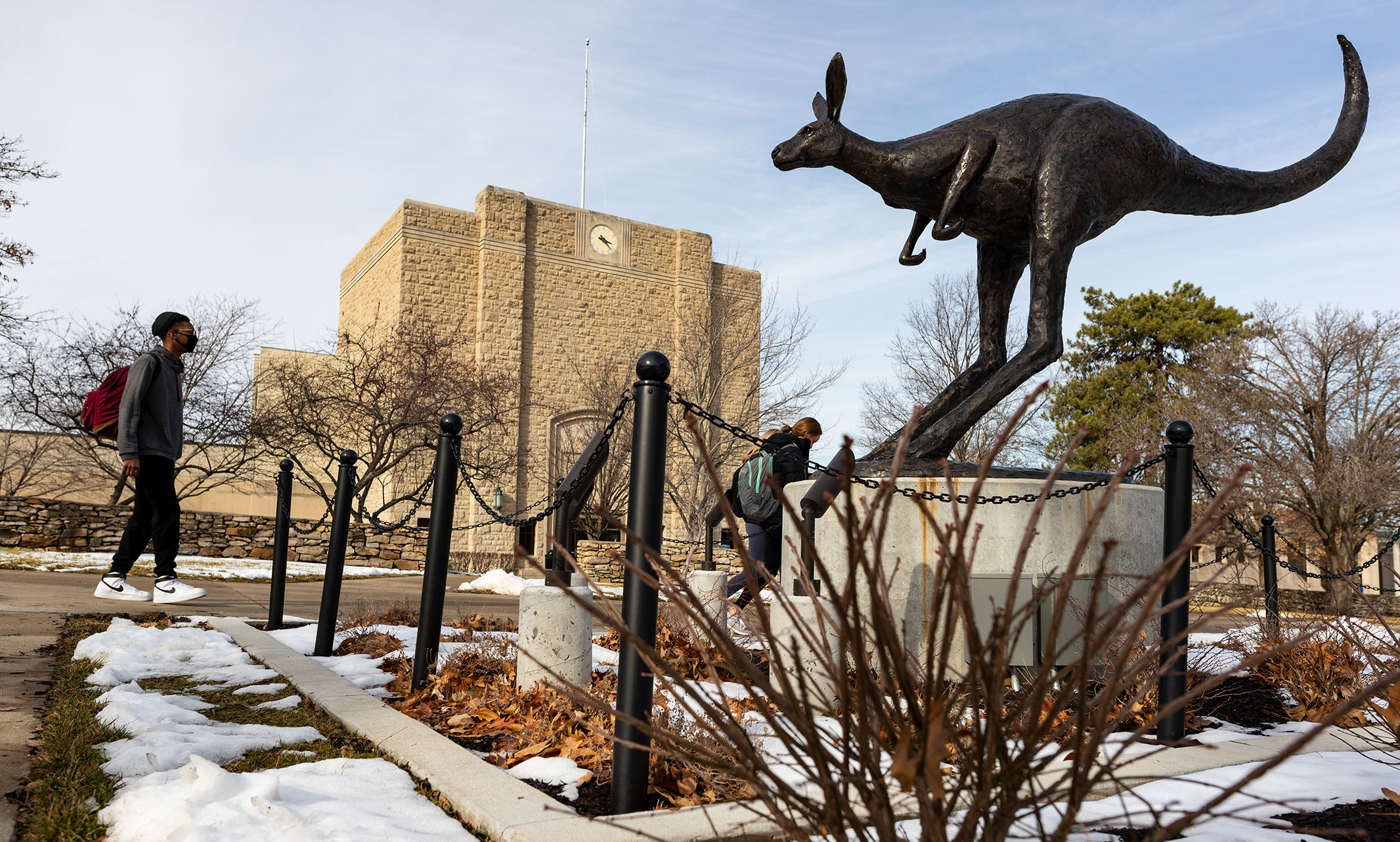
New year, same school pride.
With the holiday break all wrapped up, students make their return to campus for the Spring 2022 semester.
The Roo Welcome events provide the perfect opportunity to catch up with classmates while participating in some ice-cold-cool campus events.
Having a nice set of wheels can help students navigate campus when it’s so cold.
Athletic events for the Roo Welcome include White, Gold and Blue spirit nights for both Men’s and Women’s basketball games.
The Quad looks beautiful, even in the dead of winter.
Students got to learn (or relearn) about student support services at the campus resource fair.
It’s never too early to get organized for the new semester.
Small group study sessions and encouraging mantras are enough warm anyone’s heart.
Our Roos are masked up and ready to catch up with friends this semester.
The start of the semester is a great time to learn new skills (or master old ones!). The Fall in Love with Student Orgs event on Feb. 3 is a great opportunity to find like-minded students!
Jan 26, 2022
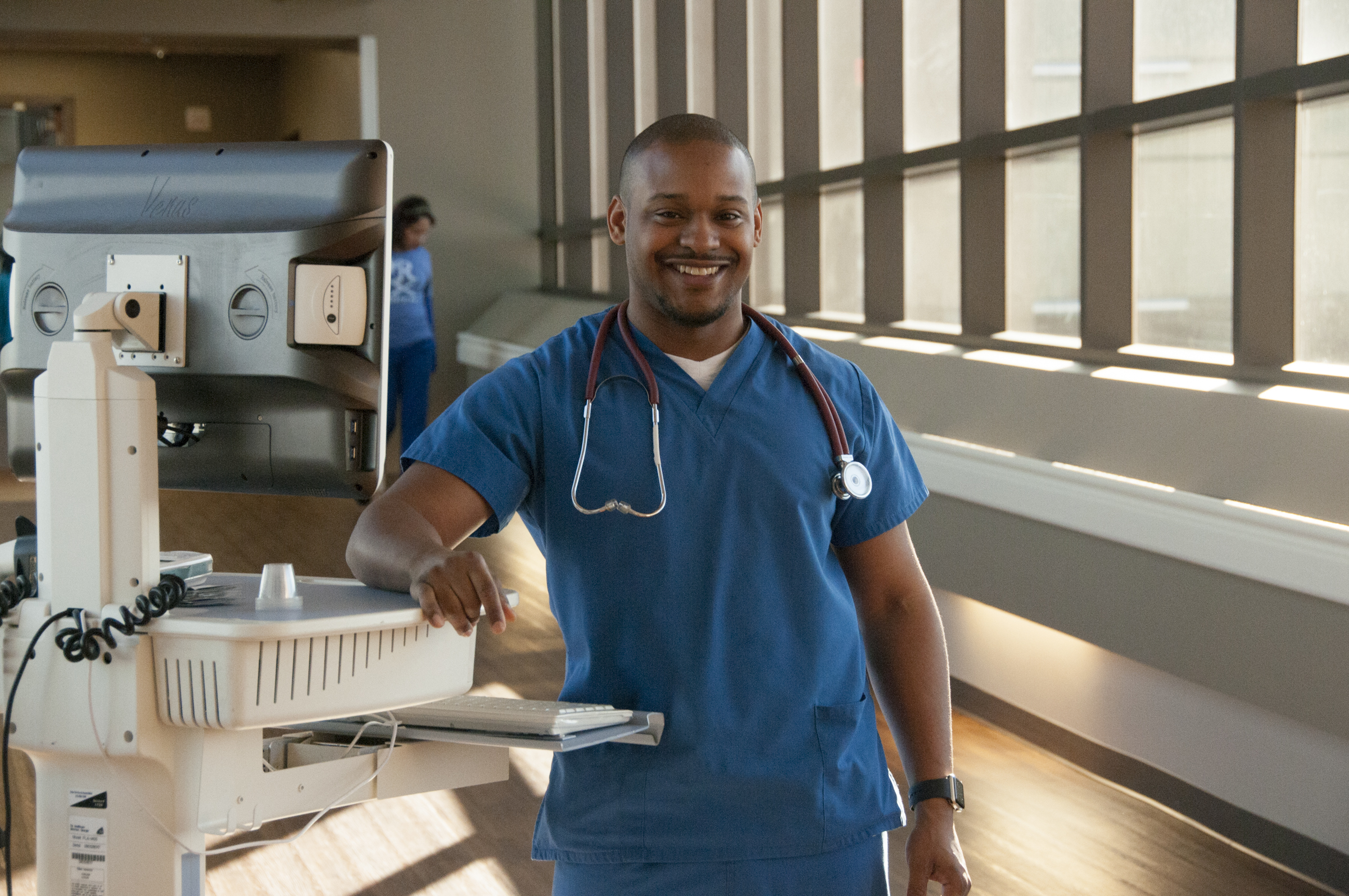
U.S. News & World Report ranks online graduate programs
The University of Missouri-Kansas City School of Nursing and Health Studies is ranked in the Top 50 of the nation’s best online graduate nursing programs for 2022 by U.S. News & World Report. It is the 10th year in a row the program has earned the top ranking.
The UMKC School of Health Studies is proud of its online Master of Science in Nursing (MSN) program as one of the best in the nation, said Joy Roberts, interim dean.
"Even while facing wave after wave of the COVID pandemic, our MSN nurse programs continued to educate and graduate top quality nurse practitioners and nurse educators,” said Roberts. “The desperate need for high-quality online nursing education continues to be highlighted by the pandemic.”
Since 2002, nurses have invested in their future through the distance learning graduate programs offered by the UMKC School of Nursing and Health Studies. The school was an early pioneer in online graduate programs, preparing busy professionals for the evolving and dynamic challenges in present and future health care environments. Through high-quality, convenient programs, the school enables nurses to become leaders and active partners in improving health outcomes.
According to Roberts, the online classroom environment for their students was critical in their recent graduates having an immediate impact on the health care system.
“Because our MSN programs are online, our May and December ‘21 MSN graduates were able to continue working as registered nurses, supporting the members of their communities and states, while still advancing their education,” said Roberts. “Upon graduation these new nurse practitioners and nurse educators were able to move their new, advanced skills right into the workforce without skipping a beat.”
Students in these programs participate in online discussions just as if they were present in the classroom. Technology offers two-way communication in real time via multiple modes. Students also receive on-site learning through summer institutes where they attend clinical training or dissertation work sessions as well as deliver presentations to classmates and faculty.
UMKC offers a variety of online graduate nursing tracks, including Master of Science in Nursing (MSN) and other options:
Adult-Gerontology Primary Care Nurse Practitioner (AGNP)
Family Nurse Practitioner (FNP)
Neonatal Nurse Practitioner (NNP)
Nurse Educator (NE)
Pediatric Nurse Practitioner (PNP) Primary Care and Acute-Care (AC PNP)
Psychiatric Mental Health Nurse Practitioner (PMHNP)
Women’s Health Nurse Practitioner (WHNP)
Ph.D.
Doctor of Nursing Practice (DNP)
Jan 25, 2022
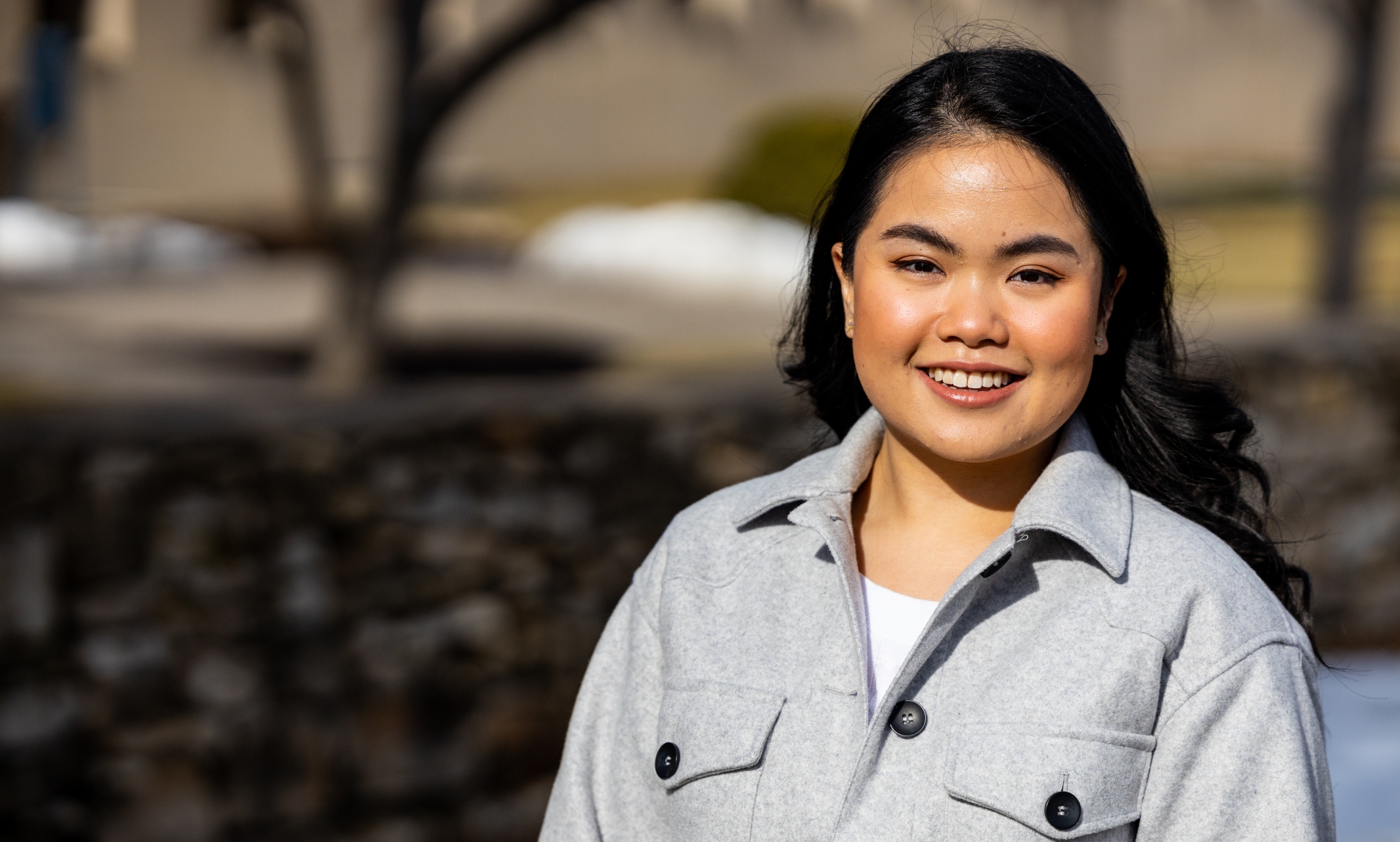
Stephanie Ho chose her field of study to make a difference
Roos don’t just dream, they do. Our students turn ideas into action every day. Get to know our people and you’ll know what UMKC is all about.
Stephanie HoAnticipated graduation year: May 2023UMKC degree program: Bachelor of Business Administration (Emphasis in Management)Hometown: Ho Chi Minh City, Vietnam
Stephanie Ho came to UMKC because of the diversity of the student body, and says that while students have different backgrounds, beliefs and interests, she’s found they come together to share those experiences and grow together.
“Living in a diverse community allows me to learn from people who come from different parts of the world who have new and brilliant ideas, multiple perspectives, lifestyles and cultures,” she says.
Stephanie decided to study business at the Henry W. Bloch School of Management to receive valuable experience in developing professional skills. While the program is sometimes challenging, Stephanie knows she is building skills that will allow her to approach and solve hands-on situations once she begins her career.
“Our project assignments require us to coordinate and communicate effectively and professionally with other teammates and develop solutions and recommendations,” she says. “The Bloch School is providing me opportunities to grow, develop my career path and expand and nurture my network.”
Outside academics, Stephanie is active in the international community on campus. She is the vice president of chapter operations for Delta Sigma PI, an international business fraternity and is an international student ambassador, advocating for a better experience for the international community through education and cultural events.
“The Bloch School is providing me with opportunities to grow, but also to develop my career path and expand and nurture my network. The programs offered here allow me to approach and solve hands-on situations which can be utilized later in my career.” — Stephanie Ho
In addition, she serves as the International Roo organization public relations officer.
“My mission is to embrace different cultures, increase awareness of cultural aspects in communication and interactions among students, but also integrate UMKC international students to the local community,” Stephanie says.
Being involved in leadership positions allows her to fulfill her passion for supporting international students and lets her get to know students coming from different parts of the world and learn about their cultures and norms. In addition, she sees professional advantages to these experiences.
“Building these skills through real-world problem solving and connections accelerates my career path. This experience prepares me for global opportunities with interpersonal and management skills to work in an international environment.”
Ho says studying abroad has changed her perspective on herself and her worldview, and has given her the opportunity to grow.
“Being at UMKC allowed me to discover strengths, interests and skills that I believed I was incapable of before.”
Sharing her experiences through her work as an International Student Ambassador with potential and new international students is satisfying.
“I am passionate about supporting and helping others, especially international students,” she says. “Being an international student ambassador, I represent the international community to advocate for better experience and unite students from different cultures and backgrounds through education and cultural exchange events.
I want to help students succeed and have a great experience at UMKC – academically and socially!”
Jan 20, 2022
Team Roc, joined by the nonprofit Midwest Innocence Project, said there is enough evidence of systemic police misconduct in the department to merit...
Ken Novak, a professor of criminal justice and criminology at the University of Missouri-Kansas City, said it is typically in the best interest of cities where the Justice Department conducts pattern or practice reviews to engage and to develop policies and training for corrective behavior.
The federal government can take police departments or cities to court to enforce so-called consent decrees that lay out overhauls in policing practices, but "whether there is sufficient evidence of problematic patterns and practices or whether Kansas City is any closer to a consent decree than it was several months ago" remains unclear, Novak said.
You can read the full story on NBC News.
Jan 20, 2022
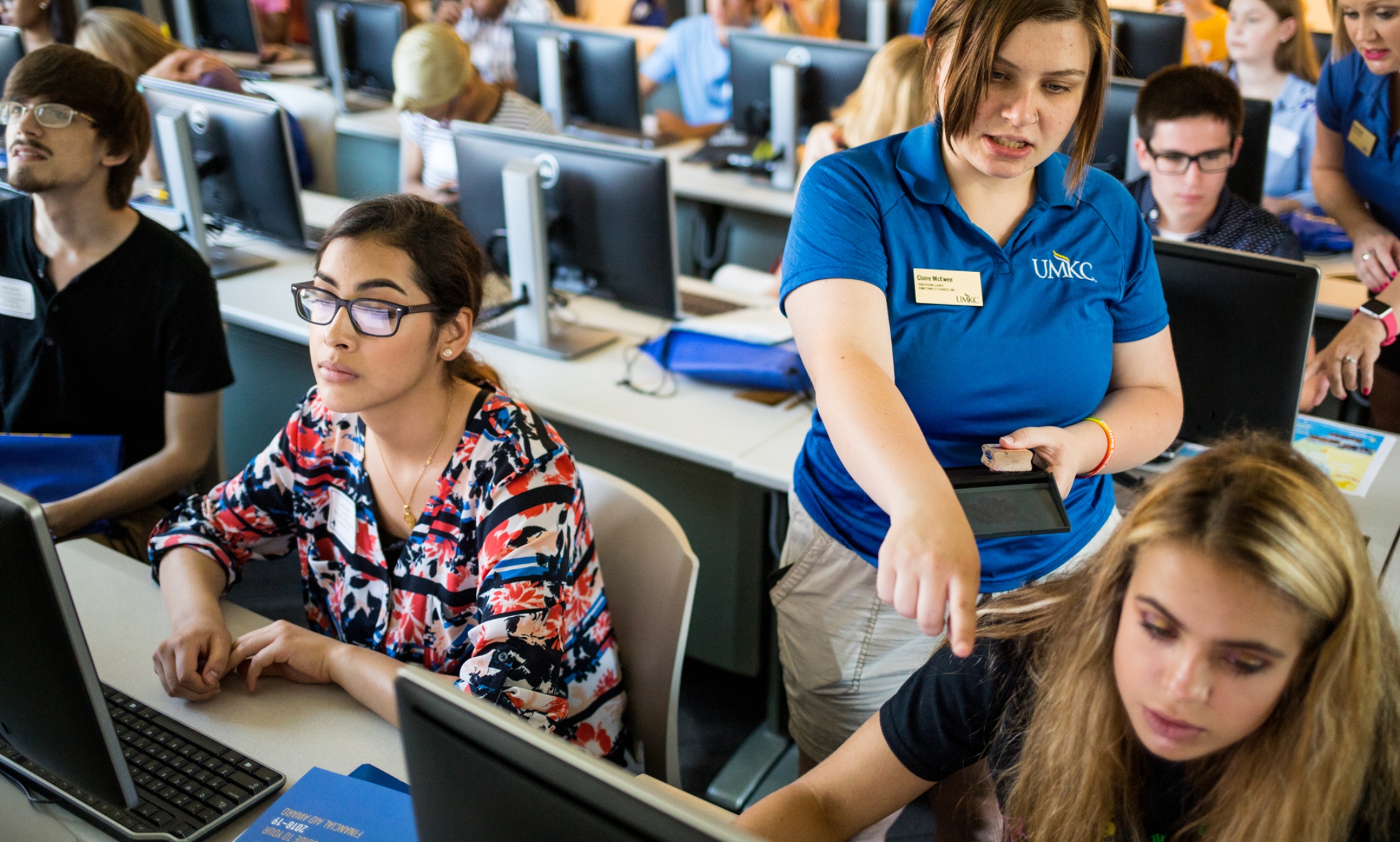
The partnership with the women's college expands access to in-demand degree fields.
The University of Missouri-Kansas City and Cottey College, a women's college in Nevada, Missouri, have partnered together to offer Cottey students an easy transfer into the UMKC School of Computing and Engineering.
Cottey, a private liberal arts college, offers associate degrees and a handful of bachelor’s degrees.
Marjory Eisenman, the Assistant Dean of Student Affairs for the School of Computing and Engineering, said Cottey reached out years ago about the opportunity for a transfer program for students who have completed their Associate of Science at Cottey and want to continue their education.
“Cottey students can now follow transfer guides to ensure they’re taking the right classes at Cottey to prepare for transfer to UMKC. Cottey students who complete the Associate of Science degree, or Associate of Arts degree, at Cottey now meet the general education requirements for a UMKC degree,” Eisenman said. “This partnership also creates the opportunity for students to qualify for the Chancellor’s Transfer Scholarship or Dean’s International Scholar Award.”
Peter Hyland, Associate Professor of Physics and Astronomy at Cottey and one of the partnership's organizers, said the partnership will allow Cottey students, "even more options for where their education and careers can take them."
"This offers Cottey students an opportunity to take advantage of the impressive resources and knowledge that UMKC has, while they create their own incredible futures. The high contact at UMKC that students have with future employers via internships is particularly exciting," Hyland said.
Eisenman said the partnership will help UMKC in recruiting more women students in “male-dominated fields.”
“Kansas City is a great place to earn an engineering or computing science degree, so this is the best of both worlds for Cottey students –to start their education at a small, women’s college and graduate from a strong engineering or computer science program in an urban location,” Eisenman said.
The partnership went into effect at the beginning of the Spring 2022 semester.
Jan 20, 2022
Six proposals approved for total of $170,000
The UMKC Entrepreneurship Innovation Grant Program announced its second round of grant recipients in late December. Six proposals were approved in the second round of funding for a total of approximately $170,000 worth of one-year grants.
Projects submitted by UMKC students, faculty and staff will be considered for these grants, which come with entrepreneurial support programs in addition to the financing. The Entrepreneurship Innovation Grant Program is funded by the Kauffman Foundation and is a joint effort by the UMKC Innovation Center, the Regnier Institute at the UMKC Bloch School of Management and the UMKC School of Law to increase entrepreneurial activities throughout the university.
These grants support a variety of initiatives in entrepreneurship including curriculum development, technology commercialization, school and department initiatives, community service, engagement and ecosystem building.
These projects received grants in the second round:
Arts Entrepreneurship Residency
The grant provides funding for a two-day arts entrepreneurship residency with Jonathan Kuuskoski, director of the University of Michigan School of Music, Theatre, and Dance’s EXCEL Lab. The residency title is From Portfolios to Platforms: Developing, Launching and Sustaining Arts Projects. Four sequential workshops will prime students to embrace best practices from the realms of entrepreneurship, leadership and management training to enhance their own creative pursuits. Interactive, outcome-oriented sessions will draw from methodologies such as Lean Startup and Design Thinking Process to help students craft creative projects from ideation to funding.
Commercialization of SGM for the Destructions of PFAS
The objective of this project is to scale and commercialize a novel, patent-pending UMKC-grown technology for destruction and complete mineralization of PER and polyfluoroalkyl substances (PFAS). It will demonstrate proof of concept to potential investors through creation of a market-ready reactor to meet remedial regulation for the PFAS market.
Entrepreneurial Legal Services Pro Bono Panel
The Entrepreneurial Legal Services and Intellectual Property Clinic will establish a regional pro bono panel of attorneys to assist with Community Services Engagement and Ecosystem Building by providing relevant and timely business information, counseling and management, and legal matters services for low-income aspiring and existing business owners in the Kansas City region.
Pharmacy Innovation Challenge Program
The grant will fund creation of an integrated experience for graduate Ph.D. programs and professional Pharm.D. students within the UMKC School of Pharmacy to engage with the entrepreneurial environment at UMKC and within the Kansas City region. The goal is to create a learning environment that integrates research, entrepreneurial thinking, diversity and engagement with stakeholders outside of UMKC. Students will learn about the entrepreneurial environment in Kansas City, and how to create a business plan for an enterprise in pharmaceutical sciences and/or pharmacy in fields such as precision medicine and digital health.
Development Smart Agricultural Entrepreneurship (SAgE) Program for Sustainable Urban Food Ecosystem
The grant to the UMKC Center for Applied Environmental Research (CAER) will fund development of the Smart Agricultural Entrepreneurship (SAgE) Program to support the development of sustainable urban food ecosystems in the Kansas City metro area. The mission of SAgE is to promote agricultural entrepreneurs (agripreneurs) in urban areas to succeed in the business of farming, which will add value to the quality of life for the agripreneur and their surrounding community.
Summer Research Opportunities for Students of Color
The Office of Multicultural Student Affairs and the Office of Undergraduate Research and Creative Scholarship will receive funding to increase the participation of students of color who are interested in entrepreneurship in UMKC’s Summer Undergraduate Research Opportunities (SUROP) program.
Jan 19, 2022
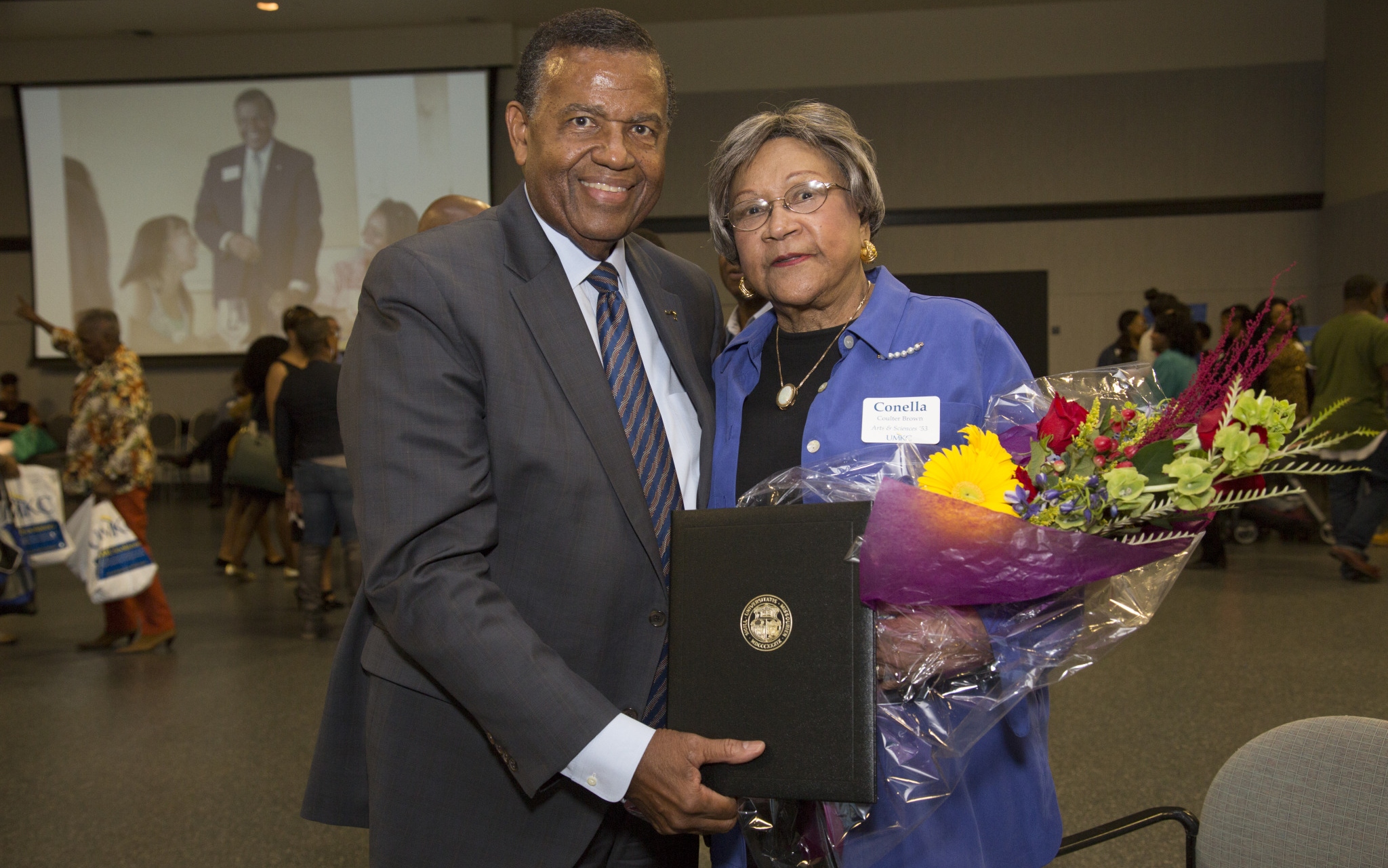
Conella Coulter Brown was one of the first Black students to graduate from Kansas City’s university
Conella Coulter Brown (1925-2021) was one of the first Black students to integrate the newly desegregated University of Kansas City, the precursor to the University of Missouri — Kansas City. She applied after reading in a story in the Kansas City Call that UKC had opened admission to students of color.
While Coulter Brown did not feel as if high school had prepared her for college, she persevered and in 1949 was accepted by UKC. In an interview with the UMKC Alumni Association in 2015, she reminisced about her time at the university and noted that she felt accepted by her peers and ran for secretary of the student council during her time as a student.
“I campaigned all over the university. I had a microphone and talked in the cafeteria. I talked everywhere. I was elected the Liberal Arts Treasurer by a 90% white student body."
In 1953 she was one of the first Black students to graduate from UKC, and the first person in her family to graduate from college.
“I walked across that stage and received that degree, and it was a joy. I felt like I was somebody.”
Following graduation Coulter Brown applied but wasn’t hired to teach in schools in Kansas City because of her race. She moved to Cleveland, Ohio, where she had a long and successful career in education, retiring in 1980 as assistant superintendent of the Cleveland Public Schools. She was the only Black woman serving as an assistant superintendent of a major school district in Ohio at the time.
UMKC awarded Coulter Brown an UMKC Alumni Achievement Award in 1964, the same year she became an assistant principal. In 2015, UMKC Chancellor Emeritus Leo Morton recognized Brown as a trailblazer and awarded her a UMKC diploma, honoring her as “an original Roo.”
“When we talk about trailblazers and thanking those who paved the way – you are at the top of our list,” Morton said at the ceremony.
Coulter Brown returned to Kansas City after her retirement and founded the Student Aid Mentoring Ministry through the Community fellowship Church of Jesus Christ to help students of color overcome challenges.
Jan 19, 2022
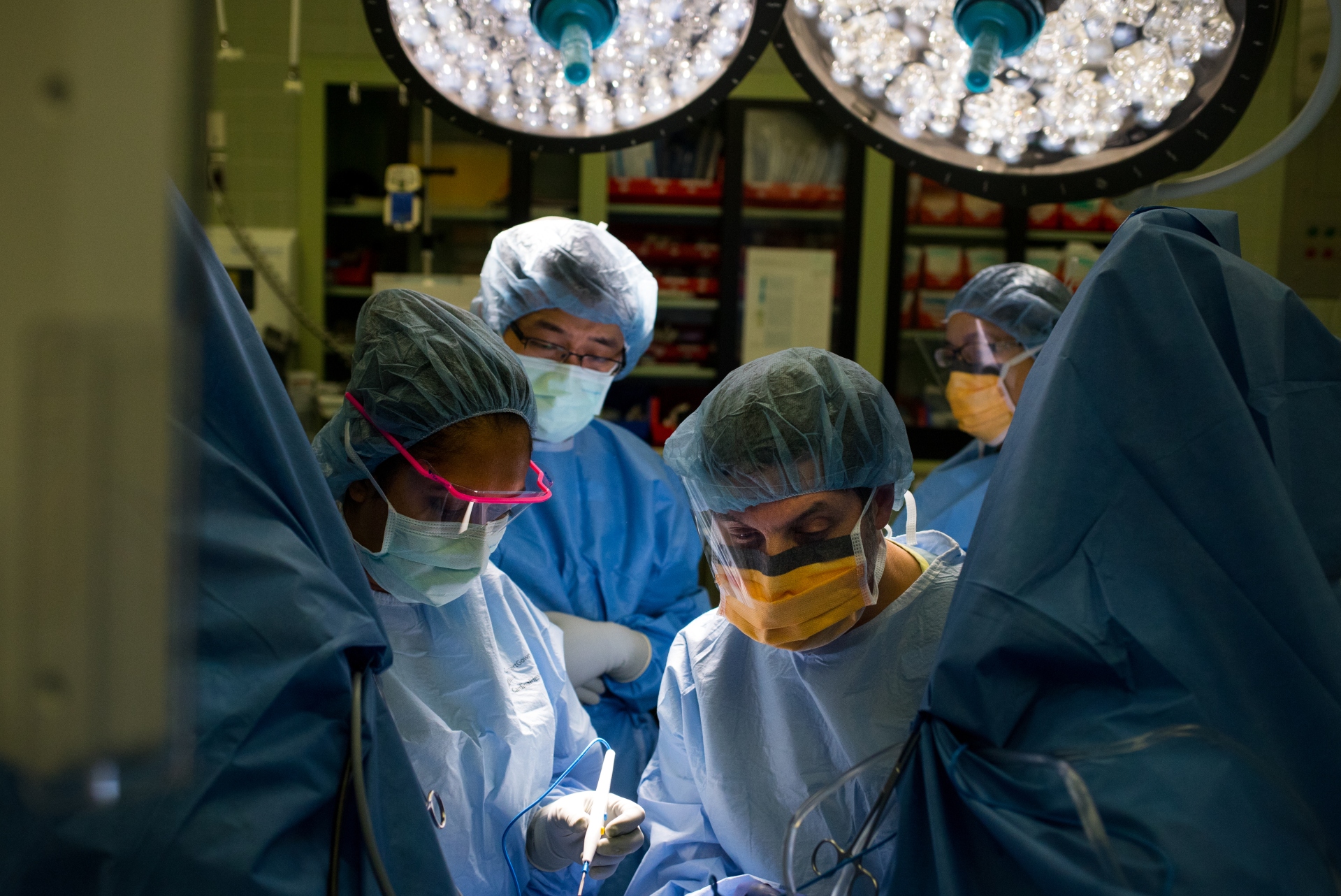
Faculty donation leads to collaboration between professors in the School of Medicine and UMKC Conservatory to yield safer surgeries
Medicine and music aren’t an obvious pair, but in a discussion between colleagues at the UMKC Surgical Innovations Lab, experts in each field realized an interesting link between the two topics.
Gary Sutkin, M.D., professor of surgery and associate dean of women’s health at the University of Missouri-Kansas City, has focused much of his research on surgical safety and mitigating errors in the operating room. Today he’s working to expand that research by teaming up with his colleague – and composer – Paul Rudy, MM, DMA, Curators’ Distinguished Professor and coordinator of composition at the UMKC Conservatory, to study the effects of sound on patient safety in the operating room.
Studies have shown that reducing hospital noise levels has a direct impact on improving patient safety, but in operating rooms, in addition to conversations among the surgical team, the equipment required for surgeries makes noise. Though some sounds are necessary -- such as the noise of the oxygen saturation monitor, which creates the rapid high-pitched beep people may recognize from medical shows on television -- the noise created by people in the room often is not.
Gary Sutkin, M.D.
Rudy and Sutkin are working together to develop training and surgical methods that reduce some of the noise and related risk.
“People have been trying to solve the problem of miscommunication in the operating room for 20 years and there hasn’t been any meaningful progress,” Sutkin says. “What I know is that we need brains other than those of researchers, surgeons and nurses to study the problem.”
Sutkin’s interest in collaborating with people who have expertise in areas outside of medicine, coupled with Rudy’s curiosity and ability to hear the operating room with fresh ears is already leading to interesting results.
By observing surgeries, Rudy recognized that surgeons’ work entails very fine motor movements and unwavering focus that requires them to keep their heads down. He also observed other members of the surgical team are focused on their own tasks and responsibilities.
“People have been trying to solve the problem of miscommunication in the operating room for 20 years and there hasn’t been any meaningful progress. What I know is that we need brains other than those of researchers, surgeons and nurses to study the problem.” — Gary Sutkin, M.D.
“No one’s looking at the surgeon’s body language to figure out what’s needed,” Rudy says. “For example, the anesthesiologist is reading a screen. Much of the communication [the team receives] is coming through sound.”
But despite the importance of verbal communication, he observed a lot of the noise people make in the operating room is not critical to the surgery.
“Everyone is doing something necessary,” Rudy says. “But sometimes someone has to unpackage something in a hurry, and they can’t throw it in the trash can, so it ends up on the floor. Or someone picks up that big wad of plastic to get it out of the way and you can’t hear anything else over the noise. This has to be done - someone could trip over it - but if the surgeon needs to communicate something important to the anesthesiologist at that moment, the noise will mask the communication.”
Because of Rudy’s background as a musician, the amount of residual noise in the operating room came as a surprise.
“In rehearsals and in performances, no one makes any extra sound anywhere for any reason,” Rudy says. “Musicians carefully turn pages of sheet music so that the binder doesn't make any noise.”
He’s aware of the differences between the disciplines, but still notes there is room for improvement when it comes to eliminating some unnecessary noise in operating rooms. Rudy’s research has identified solutions to common disruptions that OR teams may not even notice.
“For example, in the operating room there are really heavy metal step stools,” Rudy says. “People tend to scoot them across the floor with their feet and it makes this really intense grating sound that may mask any kind of communication that is going on in the room.”
Paul Rudy, Ph.D. leading sound meditation
Rudy understands that the medical professionals in the operating room move the stools with their feet because they need to keep their hands sterile, but he wonders if manufacturers are aware of the ramifications of production decisions.
“This research could lead to that awareness, and maybe even influence manufacturing standards.”
Observations like this that lead to opportunity for innovation and increased safety is at the heart of the mission of Surgilab and are why Sutkin wants colleagues like Rudy in the operating room.
“There’s value in having insight from brains other than researchers, surgeons and nurses. Paul brings a wealth of knowledge and creativity. And, surprisingly, to be honest, a scientific mind that contributes very well with this research.”
A gift from UMKC professor emerita, Elizabeth Noble, Ph.D., helped fund this research collaboration. Noble supports research that reaches across different fields of study because she thinks it makes the outcomes more reliable and more transferable.
“Today most researchers would agree that cross-disciplinary research is valuable,” Noble says. “It stimulates new ways of thinking about different issues, especially when we’re talking about music and medicine which are not always assumed to go together.”
“This research is exactly what I hoped would occur. I’m very happy that Dr. Rudy has had this kind of success,” she added.
Jan 19, 2022
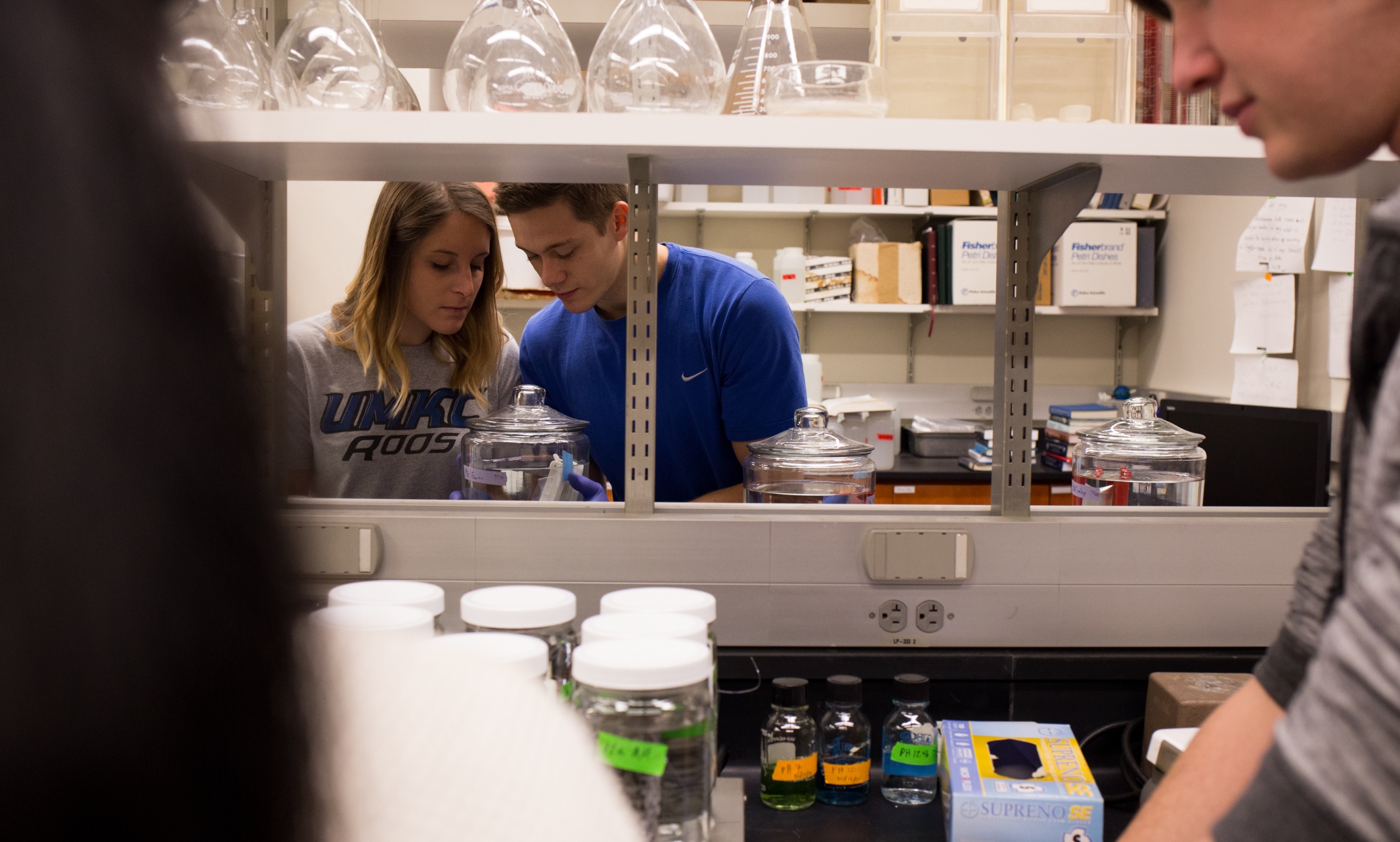
Students have the option to earn bachelor's and master's degrees through this exciting new program
The University of Missouri-Kansas City will offer two new degree options - Bachelor of Science and Master of Science in Biomedical Engineering - beginning in the Fall of 2023.
The Biomedical Engineering program will combine biological and chemical science with multiple fields of engineering, including mechanical and electrical. The program is designed to provide an extensive curriculum that prepares graduates for careers in engineering, health care, medicine, dentistry, biotechnology, bioinformatic and pharmaceutical fields, said School of Computing and Engineering Dean Kevin Truman.
“UMKC has already established a long history of excellence in the fields of health, life and biological sciences. Now combined with the rapidly growing fields of computing and engineering, these degrees will provide a new generation of students the opportunity to thrive,” Truman said.
While the School of Computing and Engineering will be home to the degree program, the curriculum will be taught by professors from the multiple schools and departments on the UMKC campus, including engineering, medicine, pharmacy, dentistry, nursing and biological sciences. Led by educators from diverse fields of study, this program will expose students to a wealth of knowledge, creating a well-rounded and robust educational experience for the students.
The University of Missouri System Board of Curators approved the two new degree programs in December 2021. These newest additions to UMKC’s curriculum are backed by community partners who are invested in UMKC and understand the impact the university has on preparing students to enter the workforce. University Health, Children’s Mercy, Kansas City Animal Health Corridor, RBC Medical Innovations and Mid America Heart Institute submitted letters expressing support for the new degree programs for consideration by the Board.
Students enrolled in the Biomedical Engineering programs may take some courses in the state-of-the-art Robert W. Plaster Free Enterprise and Research Center. The university debuted the $32 Million high-tech research center in the Fall of 2021. The five-story building features 11 research labs including a 3D printing lab and fabrication studio, a two-story drone flight-testing bay and an FAA-approved flight simulator. All throughout the building students can use cutting-edge technology to enhance their studies, including high-performance computing and analytics equipment and $3 million worth of augmented and virtual reality equipment.
"The Plaster Center has all but ensured that UMKC will remain the number one ranked school for computing and engineering in Kansas City for years to come," said Truman.
Both the new degree options and unveiling of the Plaster Free Enterprise and Research Center have made for an exciting year for the UMKC School of Computing and Engineering. The new degrees represent progress in the university’s strategic plan to reimagine the future in innovative and creative ways that will position the university for excellence for years to come.
Jan 18, 2022
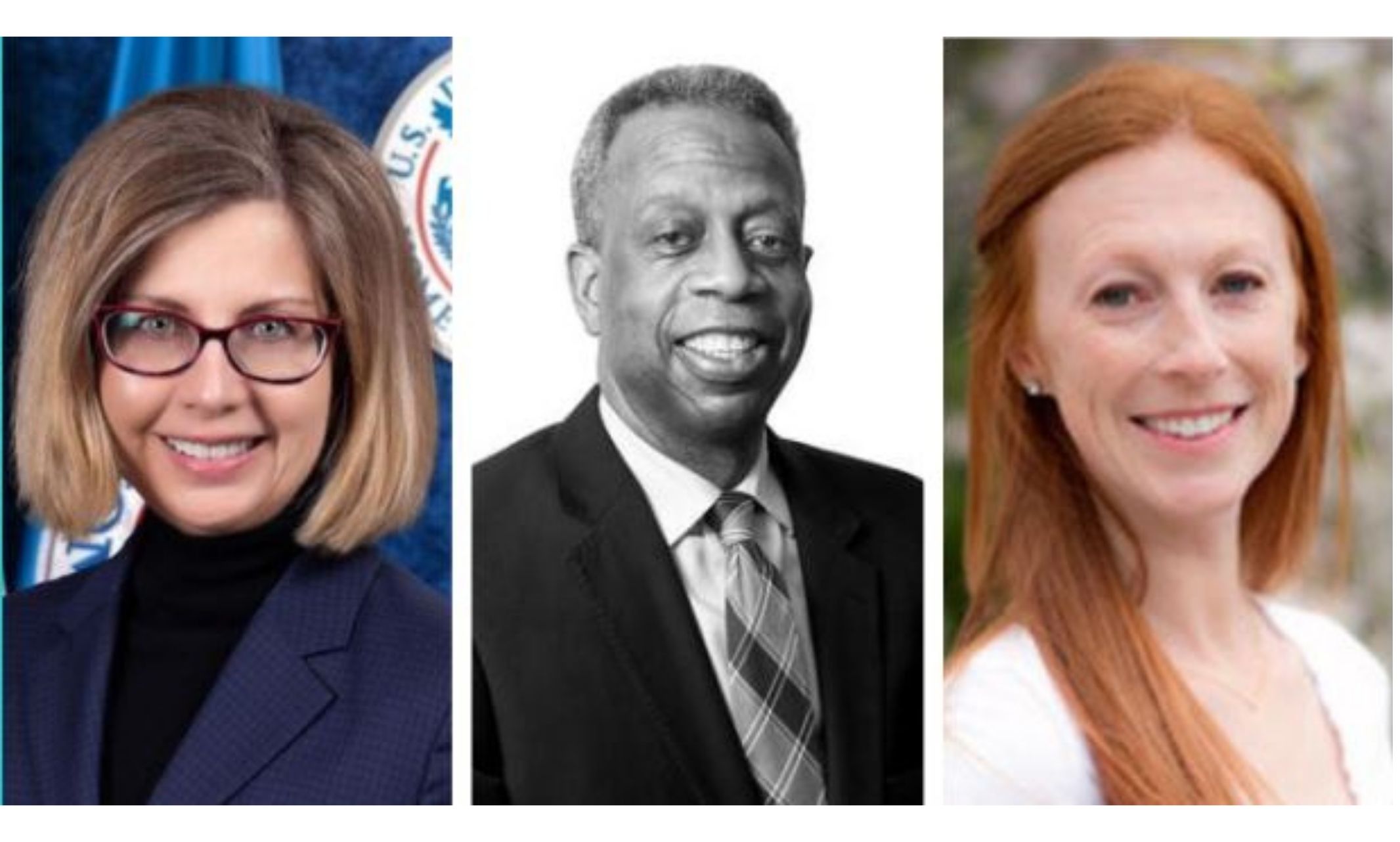
Spillars, Clayborn, McCollister will lead regional efforts in emergency management, housing and urban Development and environmental protection
Three UMKC School of Law Alumnae have been appointed by President Biden in key leadership roles as Regional Administrators for Region 7, which serves Iowa, Kansas, Missouri, Nebraska, and nine tribal nations.
Andrea Spillars, Meg McCollister and Ulysses “Deke” Clayborn have been selected for positions in the Federal Emergency Management Agency (FEMA), the Environmental Protection Agency (EPA) and The Department of Housing and Urban Development (HUD), respectively.
Spillars (J.D. '89) has been appointed as the Regional Administrator for FEMA Region 7. She had a lead role in the Missouri state response to natural disasters as the Deputy Director for the Department of Public Safety, including the devasting Joplin tornado in 2011, the prolonged flooding in 2011, drought relief efforts in 2012 and the historic ice storms in 2009.
McCollister (J.D. '11) has been appointed the Regional Administrator for EPA Region 7. She will lead the implementation of the administration's efforts to address environmental justice, climate change, and building resilience for regional industries.
President Joe Biden appointed Ulysses “Deke” Clayborn (JD ’81) to serve as HUD Regional Administrator for region 7. Ulysses Clayborn is currently the managing member of Clayborn & Associates, LLC, a law firm located in Kansas City, Missouri whose practice is focused in the real estate development area. Clayborn has experience with projects financed with funds from multiple sources, including multifamily revenue bonds, low-income housing tax credits (“LIHTC”) and historic tax credits. He has also provided legal services to clients utilizing HUD financing tools and served as counsel on one of the first complete portfolio conversion RAD transactions in Missouri. Prior to forming Clayborn & Associates, he served as General Counsel to the Missouri Housing Development Commission (“MHDC”), the state’s housing finance agency.
Read the full announcement on the White House Briefing Room.
Jan 07, 2022
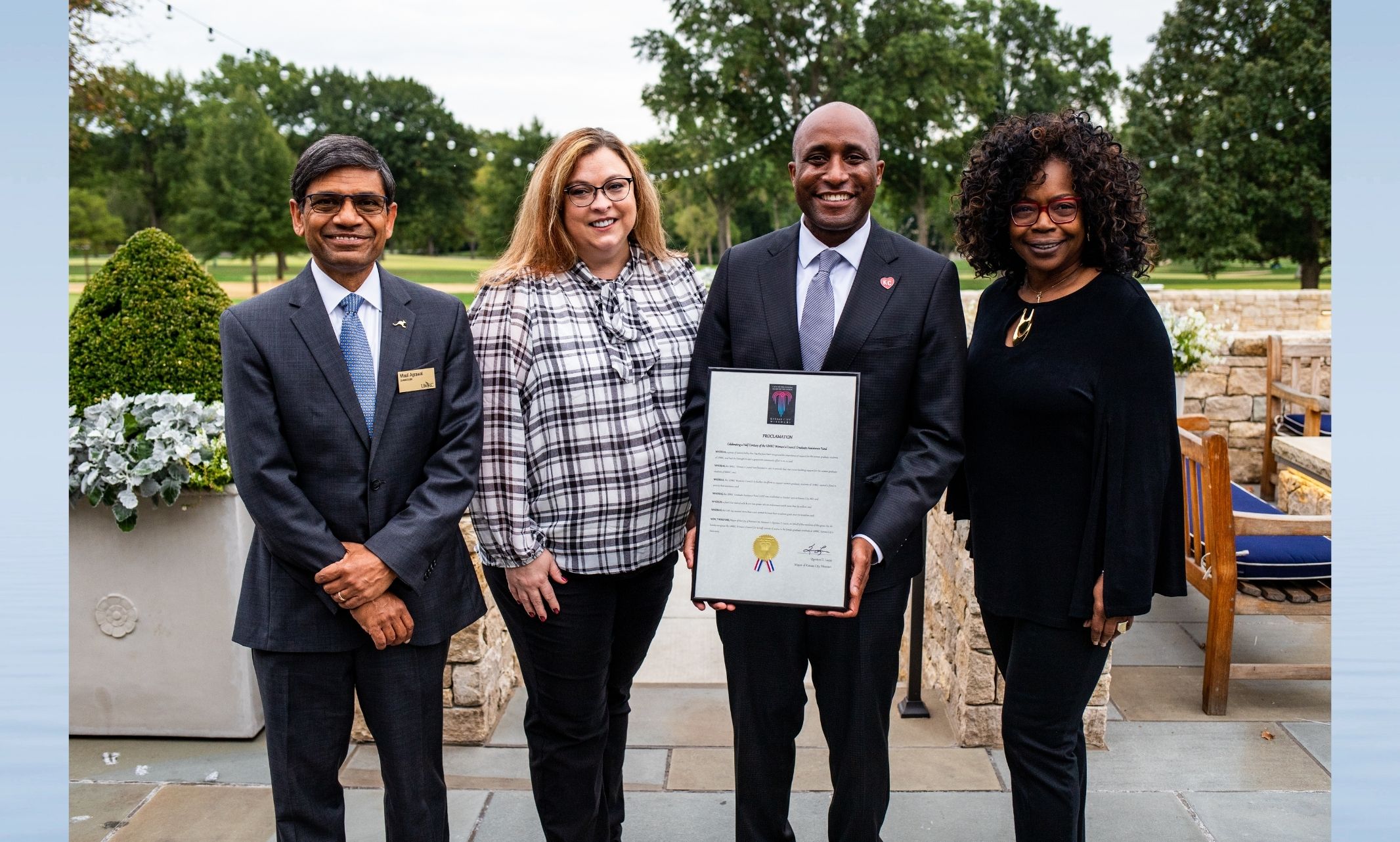
Group adds two new grants, thanks to generous donors, partners
For 50 years The University of Missouri – Kansas City Women’s Council has worked to change the lives of women through the Graduate Assistance Fund.
Established in 1970 with a gift of $750, the UMKC Women’s Council Graduate Assistance Fund has come a long way. As the group wraps up its 50th anniversary year, members have raised more than $50,000 and added several new named awards, or grants, to provide additional support to female graduate students.
As the year comes to a close, the Women’s Council is encouraging supporters to finish out the year strong by contributing to a final giving campaign. There is still time to celebrate the hard work of so many women over the past 50 years, and to support the future potential of many graduate students to come.
Every year the UMKC Women’s Council’s Graduate Assistance Fund awards grants to enable post-baccalaureate students to pursue educational opportunities. The group now has more than 125 named awards, which are named after those who have made a $10,000 investment in the Graduate Assistance Fund, or GAF, endowment. This generosity has helped provide financial support to women graduate students, who have used the money to fund study abroad trips, research endeavors and more, to significantly enhance and enable their educational experience and careers.
“We are proud to have supported thousands of women over the years on their paths to success. With this year’s expansion of the fund, we will be able to help even more women realize their true potential," said Debbie Brooks, former board president, UMKC Women's Council. "The GAF has become a labor of love for those involved and we’ve received incredible feedback from our recipients, the future leaders and innovators studying at UMKC."
On Oct. 5, 2021 Kansas City Mayor Quinton Lucas presented the Women’s Council with a proclamation to recognize 50 years of the Graduate Assistance Fund. He ended the presentation saying, “Here’s to another 50 years and all of your outstanding work!”
As the GAF 50th anniversary year comes to a close, the group hopes for a strong end to a memorable year. The group relies on donations to continue its mission as an organization of women supporting women in the Kansas City community. Contributions help the Women’s Council increase awareness, connect with new donors and further grow the Graduate Assistance Fund. For the 2021 year, donors who take the standard tax deduction, can write off up to $300 in cash charitable donations ($600 for married filing jointly).
“We are helping women graduate students achieve incredible things they might not have had the chance to experience otherwise. Any contribution tells UMKC that this is a very important resource to its women graduate students,” Leslie Boe, J.D., President and Programs Chair, Women’s Council.
Donate here
Learn More About GAF
Dec 22, 2021
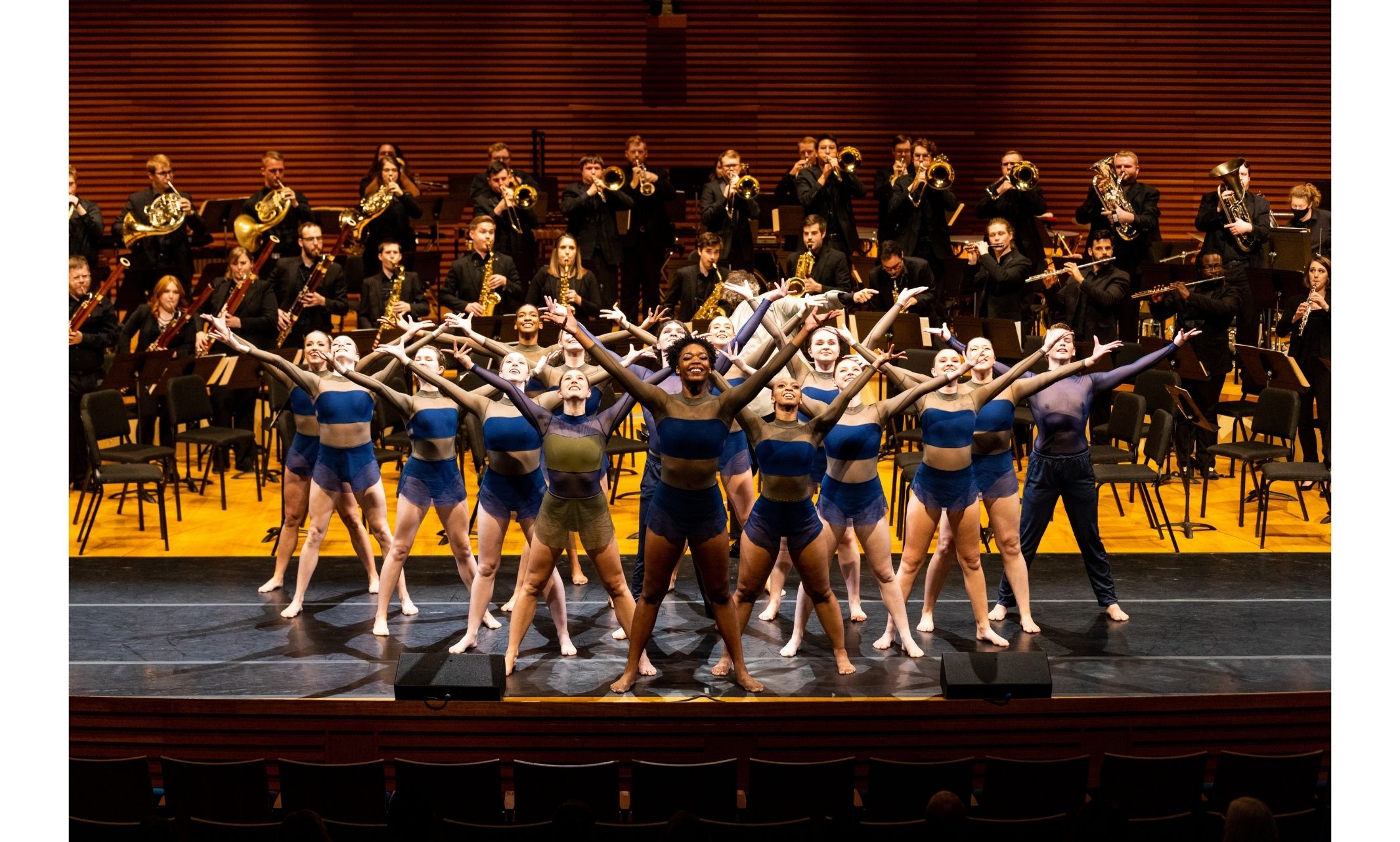
High flying dancers and vibrant musicians and actors took center stage at the 25th annual Crescendo Benefit Gala.
A group of talented student performers from the UMKC Conservatory left their hearts on stage at the Kauffman Performing Arts Center during a one-hour performance in celebration of the 25th anniversary of Crescendo.
UMKC and a host of community members, friends and alumni joined together to commemorate the 25th Anniversary of the Friends of the Conservatory's Crescendo Benefit Gala. Crescendo 2021 featured artistic performances led by the talented students and internationally acclaimed faculty of the UMKC Conservatory. From music to dance to theatre, the ensemble flowed together in uninterrupted succession throughout different locations around the concert hall creating a beautiful and visually stimulating atmosphere.
It was the Conservatory’s first in-person gala in two years, due to COVID.
“What we are celebrating, more than anything else, is commitment. The commitment to persevere through the time of dark theatres and empty seats,” said Mauli Agrawal, chancellor. “We arrived at this moment because of the commitment of the performers who continued to study and practice, the instructors who continued to teach and inspire, the donors who kept the faith that their ongoing generosity would pay off when the lights came up again.”
Held at the stunning Kauffman Center for the Performing Arts, one of the premier art venues in Kansas City, the one-hour performance followed a dinner and cocktail hour.
The event raised more than $815,000 to support student scholarships, which are essential to the Conservatory’s success and a critical part of recruiting and retaining top talent. Thanks to the generosity of donors who chose to add a “silver lining” and increase their sponsorship donation by 25 percent in recognition of the gala’s 25th year anniversary, a special Crescendo Silver Anniversary Scholarship endowment was established to assist performing arts students with the cost of tuition while studying at the UMKC Conservatory.
The UMKC Conservatory is home to the university’s Music, Dance and Theatre programs and has been recognized for its artistic excellence and innovation for more than 115 years.
Learn More About UMKC Conservatory
Dec 21, 2021
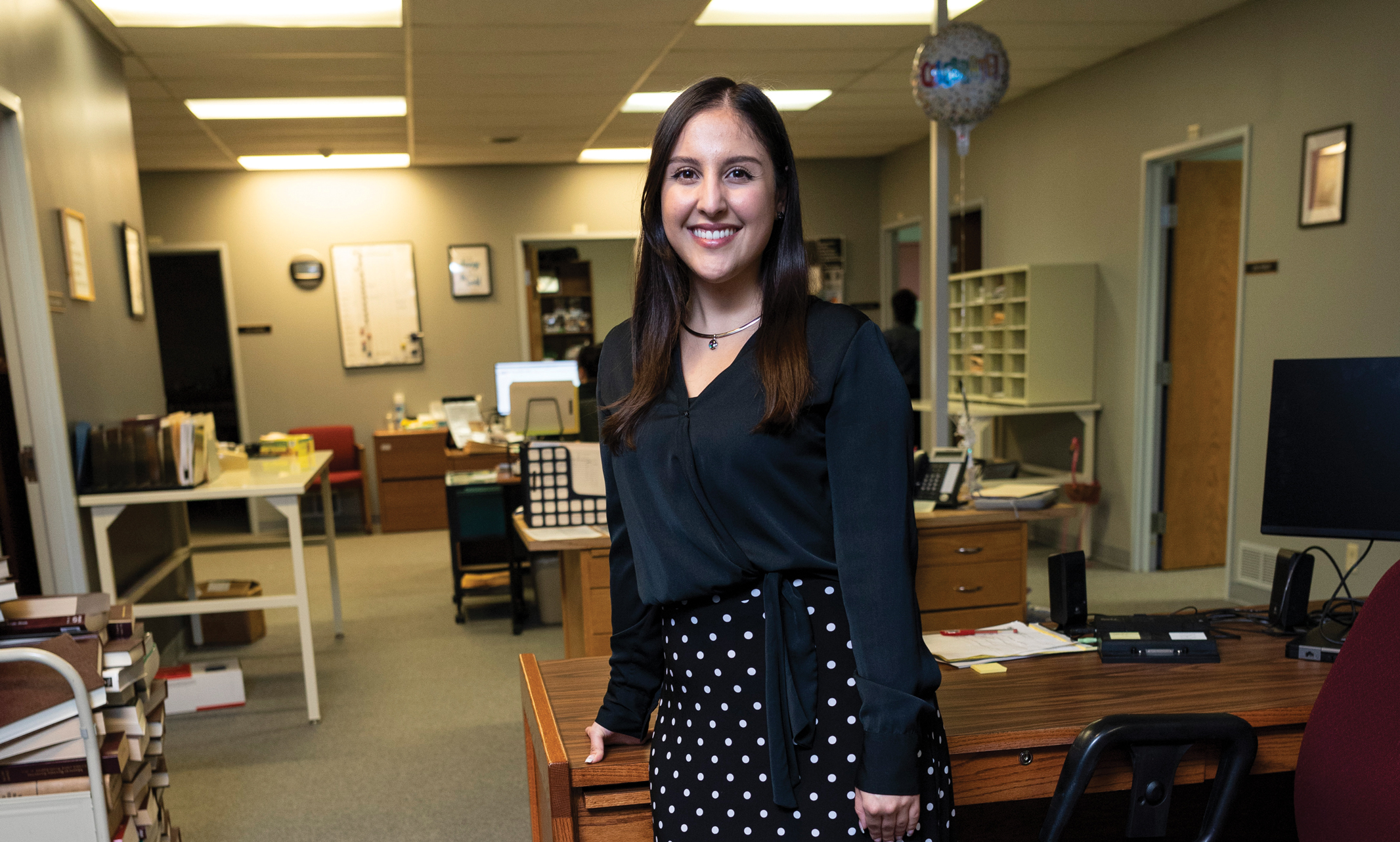
Recent Law graduates navigate the bar exam and first jobs — all during a global pandemic
The transition from law student to practicing attorney can be challenging. Add in the COVID-19 pandemic, quarantining and working and learning from home, and the transition becomes even more complex.
We spoke to three recent School of Law alumni about their transition from being a student, studying for and taking the bar exam and entering practice — all during a global pandemic.
Why did you become an attorney and what are your career goals?
Yasmin Herdoiza (J.D. ’21): I originally wanted to go into psychology or counseling. While working on my degree, I worked at a nonprofit where I did some in-home care for children with intellectual and physical disabilities. This experience showed me what it was like for disabled children living in poverty, and it sparked something in me to learn how to help them. I did some research on family law and talked to my father, who is an attorney, about guardian at litem work. He was super happy when I told him about my plans to go to law school, but there was no pressure to attend. I want to be a judge one day, because that is the way to make fundamental changes.
John Pipes (J.D. ’20): Before law school, I worked a couple of blue-collar jobs. I hadn’t found a career that suited me yet, but knew I wanted a job with a bigger purpose. I became a lawyer to help provide low-income Kansas Citians dignity in the legal process. Heartland Center for Jobs and Freedom is a great fit for the work I envisioned myself doing. I would like to stay here at Heartland and help build a movement alongside low-wage workers that uplifts them and improves their living and working conditions. My next career goal is to see Heartland Center and the Missouri Workers’ Center succeed in our campaign for Kansas City to pass a law that provides all tenants facing eviction an attorney to advocate for them. We know that universal representation is a game changer for tenants and all low-wage workers.
Claire Wyatt (J.D. ’21): I loved arguing and advocating from childhood onwards. My first love was film, but I quickly got burned out in the marketing and commercial world. I decided I wanted a career that gave me more purpose and the ability to serve others. I enjoy being in a courtroom. My passion is animal law. It’s a very small field with very few jobs. Animal law would be the dream. I also interned with Jackson County Prosecutors Office, which was great experience.
Herdoiza says she learned a great deal during her internship at the Missouri State Attorney’s Office, which allowed her to argue in court before she even graduated from law school.
What were your strategies for studying for the bar exam?
YH: Exercise kept me motivated. I went on a lot of walks. I got a Fitbit and logged hundreds of steps each time. I also had a rotation of flashcards and took them on my walks. My boyfriend walked with me and he would read the cards to me.
JP: I gained a lot of good skills studying for the bar. Due to the pandemic, I was home a lot and had time to study. I treated law school as a job and had a schedule each day. The closer I got to the exam, I added more and more work to my days. Normally, I would have studied at the library, but I had to study at home. That was the most difficult. But I learned to make it work, and now I’m more equipped to work from home.
CW: I spent several days compiling requested documentation about my ADD diagnosis and previous accommodations. I then had to appeal my denial of accommodations when the board denied my request. Eventually, they reversed the decision and granted me partial accommodations. I felt really proud of myself for advocating for myself using the sharp skills that UMKC Law taught me.
Preparing for the bar, there were many days I was not able to complete all the tasks that my bar prep program had assigned me, but I persevered. I am very grateful that it ended up being more than sufficient to pass the bar.
John Pipes (J.D. ’20) is an eviction defense attorney for the Heartland Center for Jobs and Freedom.
Where do you work now and what do you like about being an attorney?
YH: I work at the Missouri State Attorney’s Office. The experiences I got from my internship helped a lot. I have been doing discovery and working on low-level felonies. The pressure is high. When my clients are in custody, I worry about them.
I love being a public defender. I believe in the rehabilitative framework. Incarceration doesn’t prevent crime and affects more than just the accused. Many people can’t afford bond and that affects their families, jobs and housing. Sometimes people need to be provided a chance to succeed, even after they’ve previously failed. We must believe and support others.
JP: I graduated in May 2020, early in the pandemic. I went to work for a personal injury attorney for a few months, then decided to transition away from that work and applied for a Truman Fellowship. After three months as a Truman Fellow, I moved to the Heartland Center for Jobs and Freedom, where I took a long-term position doing similar tenant defense work. I work with low-wage workers who have found themselves defendants in eviction lawsuits and provide free legal representation and advice to those tenants.
While a Truman Fellow and now at Heartland Center, I enjoy providing great legal representation to individuals who so rarely have the money to hire a lawyer themselves. We at Heartland Center know how important it is for tenants to be represented by a lawyer. Without a lawyer, tenants lose their case 90% of the time since landlords are almost always represented by legal counsel. When tenants do have a lawyer advocating for them, the results are flipped, and an eviction is prevented in 99% of the cases. I enjoy helping to keep people housed in the long and short term.
CW: I am a Truman Fellow working with the UMKC Tenant Representative initiative. My daily job consists of performing client intakes, exchanging forms with the client, communicating with opposing counsel or pro se landlords (those who do not have legal counsel), reading leases and ledgers, drafting settlement agreements, updating clients on their case status and trying to help clients with related housing matters as best I am able. We have several evictions dockets each week in the Truman Fellowship, so court appearances are a big part of the job.
I love the work I’m doing. I love thinking critically and crafting arguments, and I love advocating for and helping people. I love solving problems, and I feel really fortunate that I’m in a position to help others solve theirs. Learning the law and finding a potential place for myself inside the institution of law has been one of the most empowering and transformative experiences in my life.
Claire Wyatt (J.D. ’21) is a current Truman Fellow working with the UMKC Tenant Representative Initiative. Wyatt says advocating for and helping people has been one of the best parts of being a new attorney.
Tell us about your transition from student to professional.
YH: Through my internship, I argued in court before I graduated, which was helpful. When my internship pivoted from in-person to virtual, the change was very difficult. I had to do things on my own. The most challenging part of transitioning from student to professional was the responsibility. My co-workers are helpful, but it is my name, my bar license and no one else’s. No one is responsible for me, but me.
JP: The Truman Fellowship really helped me with the transition and to hone my skills. I made appearances in front of judges, handled my own caseload, and pursued the best way to keep evictions off a person’s record. It was a real honor to be awarded a fellowship. The people I worked with were passionate, and I enjoyed having a transition period. I dipped my toes into the landlord-tenant space, which I now am involved with at Heartland. Since my fellowship, I have found a wonderful group of colleagues at Heartland Center who are enthusiastic about our work and treat one another with respect. For that I am grateful.
CW: The transition between student and professional was slower and more painstaking than I expected. The last nine months felt like nine years. I went straight from school into intensive bar prep. Pandemic fatigue was very prevalent over the summer, but we all had to soldier on and prepare for the bar exam. It was very rigorous, but I had to remember why I was doing all this – because I want to help people. Getting internships during my time in law school helped to ease the transition between student and professional because I was confident I’d be well prepared by the time I was finally licensed to practice. I am also really grateful for the UMKC Truman Fellowship, which allowed me to work for UMKC’s Tenant Representative Initiative after I took the bar but before I received my bar results. There is a dire need for tenant assistance, and it’s great that UMKC was willing to jump in and offer help. It has helped out so many people in our community by allowing them to stay in their homes while the pandemic rages on.
What advice do you have for someone considering law school?
YH: There is a steep learning curve. You’ll be drinking from a fire hydrant, but it’s fun. There’s nothing better than a client telling you, ‘thank you.’ It’s a really good feeling.
CW: I would encourage future law students to accept that in learning this new, vast discipline, they might at times feel stupid or incapable; they might fall short of their aspirations. I would encourage them to accept this fear instead of fighting it: join the mock trial team even if they’re afraid of how many hours it will add to their schedule, participate in student organizations as members or allies, and speak their truth when they’re afraid of how it will be received by their classmates. I would also tell new law students that their interests may change as they learn more about different areas of law and to be open to new opportunities and horizons as they appear.
Pipes says his Truman Fellowship from the School of Law helped him to hone his skills as a new attorney.
Dec 21, 2021

When opportunity calls, these alumni don’t shy away from a new challenge
Ask any seasoned professional if they’re still doing what they thought they would be doing in college, and you’ll likely hear stories of unexpected pivots, discoveries and transitions (sometimes several times over).
That adaptability is one of the lessons students learn while at the School of Law — how to continue learning and growing after graduation, even if it takes them outside their predicted career path. These are the stories of three UMKC alumni who stayed open to new opportunities, igniting new passions and interests along the way.
Tim McNamara (J.D. ’80), Chief Legal Officer, BKD, LLP
Tim McNamara (J.D. ’80) has always loved being in the midst of the action. After graduating from the UMKC School of Law, he went straight into business litigation at the firm now known as Lathrop GPM, handling trials, arbitrations and mediations for well-known clients like John Deere and The Kansas City Star. He even became the firm’s municipal court lawyer early in his career.
“Everything’s a lot more specialized these days, but I was lucky enough to have a diverse set of experiences,” he says.
Over the years, McNamara built relationships, took on high-stakes cases and made partner. One day in 2015, his long-time client, BKD, approached him asking for advice on hiring their first chief legal officer. By the time the conversation was over, he had a job offer.
“I hadn’t thought about it until they suggested it that day, but the idea appealed to me,” he says.
Though he knew them well as a client, McNamara says joining BKD was much more of a change than he imagined. Not only was he working more independently, but he also learned to be comfortable being more involved in the decision-making process, functioning as both lawyer and client.
“To me, it’s been one of the more challenging and rewarding parts of the job,” he says. “I had to learn so much about the business world. I’d always thought that getting an MBA would be interesting and fun. I kind of got a mini-MBA on the job.”
His 36 years of broad, diverse experience at Lathrop proved beneficial, as did his experience managing and working with a legal team. He doesn’t see the inside of a courtroom much these days, but McNamara says that’s okay with him.
“I’m enjoying the challenge of what I’m doing now so much that I haven’t missed it at all,” he says.
And now another transition is in store for McNamara, who recently announced he will retire May 31, 2022, almost exactly 42 years since he started practicing law. An avid cyclist, he’s now looking forward to taking more rides and spending more time with family, including his young grandchildren.
Lischen Reeves (J.D. ’18) says a case involving the Americans with Disabilities Act inspired her to get into health-care privacy and cybersecurity work.
Lischen Reeves (J.D. ’18), Corporate Counsel, Privacy and Cybersecurity, Cerner
After two years working at Shook, Hardy & Bacon, LLP, Lischen Reeves says she was not looking for another opportunity. But when she came across a job posting for the corporate counsel for privacy and cybersecurity position at Cerner, she knew she had to apply.
“I told my husband, ‘This job has my name on it,’” she says. “I don’t shy away from opportunities. If it comes my way, I’ll put myself forward.”
For Reeves, it was a natural transition. As part of the business litigation team at Shook, Hardy & Bacon, she had worked on employment and complex commercial matters, but a case involving the Americans with Disabilities Act shaped her next step.
When she expressed interest in the privacy portion of the case, the senior partner she was working with encouraged her to reach out to the chair of the firm’s privacy and cybersecurity practice at Shook. It turned out they needed an expert on the Health Insurance Portability and Accountability Act (HIPAA) and privacy, so Reeves focused her career on becoming one.
“That was a pivotal moment in my career because this is exactly the work I do for Cerner,” she says. At Cerner, Reeves has zeroed in on health-care privacy and cybersecurity. She recently completed her Certified Information Privacy Professional U.S. certification, a professional certification for privacy specialists.
As someone who knew she wanted to be a lawyer since she was in third grade, Reeves says she has always been intentional with her career, but she has also made a point to keep an open mind.
“I’m moving through this career that I didn't imagine before law school, and I am so glad about how it's turning out,” she says. “I truly thank God for my career. I also owe so much of the development of my mindset to my mother. She supported and encouraged me in every endeavor and challenged me to never stop learning and dreaming of all that could be.”
Sara Rittman (J.D. ’81) has spent 40 years building on the skills she learned at the School of Law in roles at the Missouri Attorney General’s Office, Missouri Supreme Court and even her own private defense firm.
Sara Rittman (J.D. ’81), Deputy Chief Counsel, Litigation Division, Missouri Attorney General’s Office
During her four decades in the legal profession, Sara Rittman (J.D. ’81) has taken a practical approach to moving up the career ladder. More than an abrupt about-face, hers is a story of a series of shifts leading to distinct, yet related, roles. Through the years, she has worked in both prosecution and defense, with roles in public service, then private practice, then back again.
“I’m one who tends to look for things to build on,” she says.
Rittman started her career at the Missouri Attorney General’s Office, representing professional licensing agencies in the state and helping various agencies — like the nursing, podiatry and funeral director boards — with disciplinary litigation against those who violated their professional standards. Compliance and ethics became her niches. Eventually, she moved to a similar role as a staff counsel and then the deputy chief disciplinary counsel, ensuring attorney compliance with the rules of professional conduct. Next she moved from compliance to advising, serving as legal ethics counsel, where she provided informal advisory opinions to attorneys and served as counsel to the Missouri Supreme Court’s Advisory Committee. But the most dramatic change of her career came in 2012, when she opened a private defense firm. In her private practice, Rittman helped lawyers facing complaints or ethics violations achieve compliance or answer complaints against them. She provided consultation to them on ethical questions regarding their practices. Having worked on the prosecution side for the state was helpful, Rittman says, but there was a learning curve.
“I did find that there were certainly some perspectives that I hadn’t really understood as fully as I thought I had before I actually made the change,” Rittman says. “I think it is always valuable for attorneys to be able to understand the perspectives of the people that they’re dealing with.” Rittman re-joined the Attorney General’s Office in 2019, and in July of 2021, became deputy chief counsel in the Litigation Division, essentially the defense firm for the state. Rittman says that even though her roles have been different, some things are universal.
“At every stage of a legal career, you’re going to have to learn new things,” she says. “A constant that I’ve learned is, as a lawyer, if you are prepared and you behave professionally, those are the two most important things.”
Dec 21, 2021
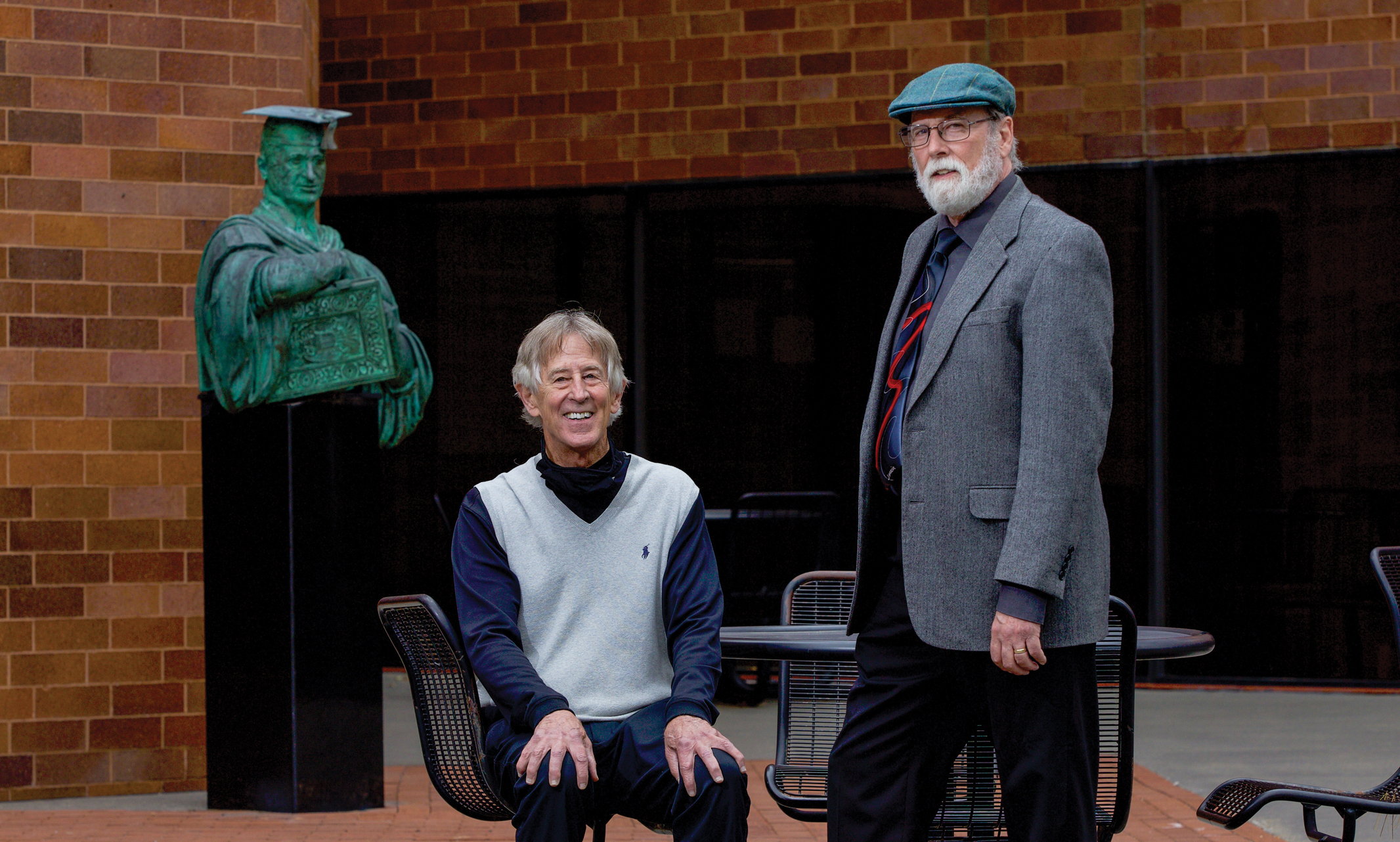
Two UMKC Law professors are reaching major milestones this year
John Ragsdale, William P. Borland Scholar and Professor of Law
John Ragsdale (LL.M. ’72) is celebrating his 50th year of teaching at UMKC. During the past half-century, he’s seen huge shifts in his specialty, environmental law.
“I spent all my formative years hiking and kayaking, climbing in the mountains,” Ragsdale says. “I got out of school in 1970, which is really when the environmental revolution began. Richard Nixon passed the Clean Air Act and Endangered Species Act (in 1973), so that was the heart of it. This sort of tide of environmentalism wasn’t something that had existed yet.”
In 1971, Ragsdale began teaching at UMKC. Over the years he taught a variety of subjects, but his interest in the environment always came back. He saw an opportunity to make an impact.
“I wrote things on environmental law that convinced me there were large-scale problems, and they weren’t yet being addressed,” Ragsdale says.
When asked what he loves about teaching, Ragsdale shies away from the image of a stern professor at the lectern. He says he enjoys when students challenge his views in class, because it shows they care deeply about the issue.
“This is why I really love to teach,” he says. “I teach to talk to people, but it’s less to educate them than to do my presentation of what I know, what I think is important, and elicit what they think is important, too. It has to be a conversation.”
As for what’s next for Ragsdale, he’s hoping it’s more of the same. Environmental law has changed so much over the years, but he’s still finding environmental problems that aren’t being addressed and hoping to fix those problems even 50 years later.
Professor John Ragsdale (LL.M. ’72) began teaching at UMKC in 1971, making this his 50th year in the classroom.
“I have an article that’s coming out this month. It’s on Aboriginal rights to land and water. It leads into a lot of current dilemmas, and the intersection of tribal rights and the ever-encroaching, ever inexorable growth society that’s nibbling away at them at all times. That’s still going on.”
And of course, he’s hoping he’ll continue to teach as long as he can, specifically here at UMKC. Professor Ragsdale is himself an alumnus of UMKC Law, earning his LL.M. in 1972. “God, I love this place. It’s been my home. It’s been my life. I love teaching, and I want to keep doing it. It has been exactly what I want to do. I would ask myself, ‘Would you rather be a judge? Would you rather teach at Yale?’ No. UMKC is my home, intellectually.”
“I love this place. It’s been my home. It’s been my life. I love teaching, and I want to keep doing it.” — John Ragsdale, William P. Borland Scholar and Professor of Law
Sean O’Brien, Professor of Law
Sean O’Brien (J.D. ’80) is not only a professor of the UMKC School of Law, but he’s also an alumnus. He graduated in 1980 with plans to be a tax and business lawyer. He quickly discovered that wasn’t his calling and joined the public defender’s office in 1981. Three years later, he was appointed the chief public defender in Jackson County.
"I did my first death penalty case in 1983,” he says. “And I’ve been doing mostly death penalty work since then. It’s a long time, and I’m still absorbing that. In a lot of cases and a lot of projects that we do in our daily lives, we say, ‘OK, that’s good enough.’ It’s hard to be good enough when life is at stake. It’s quite a burden, and I’m still not sure what it feels like not to have that burden.”
Professor Sean O’Brien (J.D. ’80) is entering a new season in his career following nearly four decades as a death penalty defense attorney.
For the first time in 38 years, O’Brien does not have a client on death row. The case he just finished took 12 years to reach a decision; another before that took 20. Given the average length of cases of this nature, O’Brien feels it’s time for another season in his career.
“I realize I don’t still want to be doing this when I’m 80. I shouldn’t still be doing this when I’m 80. I don’t want to be that lawyer who gets famous for falling asleep in court, you know? It’s time for me to let other people continue to do the work.”
For decades, O’Brien has been doing just that: helping other people to continue what he started.
Since 1983, he has served as director of various criminal defense clinics at the UMKC School of Law, including the Public Defender Appeals Clinic, the Public Defender Trial Clinic and the Death Penalty Representation Clinic. In 2005, O’Brien began teaching at UMKC as a doctrinal professor of criminal law and procedure. He’s taught multiple criminal procedure courses, as well as courses on fact investigation and another specialized course on mental health investigations.
“As far as I know, we’re the only law school in the region, if not the country, that offers a for-credit class in investigation,” he says. “It’s a delight to do.”
“I realize I don’t still want to be doing this when I’m 80. … It’s time for me to let other people continue to do the work.” — Sean O'Brien (J.D. '80), Professor of Law
As for what comes next for O’Brien, he has some plans. He’s determined to create even more opportunities for students to carry on the work to which he’s dedicated more than half his life.
“I’m thinking about creating a sentencing mitigation clinic that would focus on representing people who are in prison for lengthy terms that are applying for parole … because we’re not going to solve the problem of mass incarceration by cherry-picking innocence cases,” he says. “We won’t reject cases because you’re not worthy, you’re not innocent enough or we don’t think we can prove you’re innocent. I’m working across campus with other professors who are interested in that.”
Dec 21, 2021
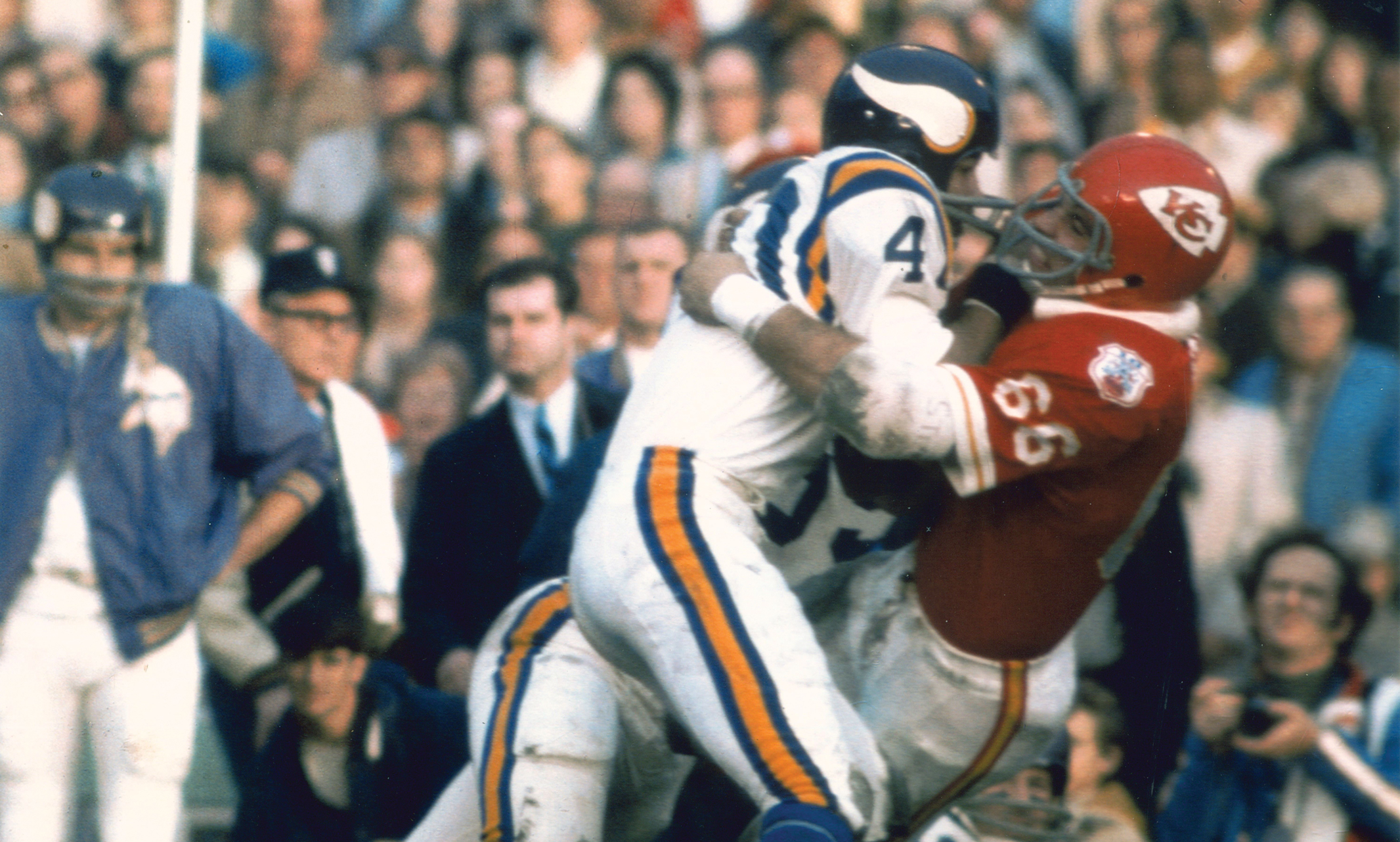
How Bob Stein (J.D. ’73) balanced full-time legal studies with playing for the Kansas City Chiefs — and became a hall of famer
While a full-time law student at UMKC, Bob Stein (J.D. ’73) had to split his time with another major endeavor: playing professional football with the Kansas City Chiefs.
In 1970, the 21-year-old Stein became the youngest ever player at the time to compete in a Super Bowl. Three years later he graduated in the top 10% of his class at UMKC Law. Following his NFL career, Stein became a successful sports attorney and served as the first president and CEO of the NBA’s Minnesota Timberwolves. In 2020, he was inducted into the National Football Foundation College Football Hall of Fame. We sat down with Stein to reflect on a truly unique career.
You’ve had a great career in sports. How did law school fit into all that?
I’d been raised in a home where education was a priority. When I went to college, I intended to be a doctor, but I happened to have a constitutional law class from Professor Harold Chase, who was a brilliant, fascinating guy. I asked him to be my advisor and that got me thinking of law. I thought that whatever I ended up doing, if I had a law degree, it would be helpful and could apply to anything.
It must have been a real challenge to play professional football and attend law school at the same time.
There were a lot of folks who had full-time jobs. It wasn’t like I was doing anything heroic – I had a full-time job playing football. I remember we had one student who was an FBI agent. Other people had families. To me, having kids and all their demands and any kind of a job was more of a demand than playing football. What was really nice about it was that it balanced something that was really intellectual with the really physical “every day’s a day out with the boys” part of football. I always liked living in both worlds.
Do you stay in touch with the people you went to law school with?
Absolutely! One who I’ve stayed in touch with for years is Don Fehr (J.D. ’73), who’s been so prominent in NHL and MLB labor organizations. He’s terrific. When my daughter was in seventh grade, he let her interview him for an hour for a class project. Who does that? At the time he was executive director of the Major League Baseball Players Association. My point is there were a lot of quality people in my class. Another of the classmates I stay in touch with is Jerry Bressel (J.D. ’72), a prominent family law attorney in Kansas City, as is Mark Reza (J.D. ’75).
How was the transition to full-time law practice?
When my football career ended, I really thought the transition to full-time law practice would be a breeze. Boy, was I wrong! The idea that, “I’m going to be able to fool around with the boys for a few months, and then I’ll come back and be a lawyer” was gone. It was a real shock.
One of the things (Chiefs head coach) Hank Stram said that I didn’t think of a lot at the time was, “You’re not a “football player; you’re a person who plays football. You have a family life. You have to develop a professional life apart from football.” For a coach whose livelihood depends on a team’s success and is under such high pressure as a professional coach, that was very unusual and admirable.
Tell us a little bit about your practice life.
I started out intending to do anything but become a sports lawyer. Then, my first year fully out of football, one of my former teammates Ed White called me. Ed was a Pro Bowl-level guard who ended up playing 17 years. I didn’t know anything about athlete representation, but before long, that’s what I was doing! The case was one of those that had a real high profile and turned out well. Soon I was representing other players.
What keeps you busy these days?
I still practice, mostly around the class actions of retired players. In 2009, I started the first class action on behalf of retired players regarding their name and likeness. The case ended up creating the first benefits for vision and dental care for NFL retired players. I really went through the wringer there — learning class actions. Also, for three years, I’ve worked with Lisa Marie Riggins, whose husband is John Riggins, a Super Bowl MVP and Hall of Fame player from Kansas. We started a group called FAIR – “Fairness to Athletes in Retirement” – to advocate on behalf on the players who played before free agency in 1993. We were able to triple the “legacy benefit” pension for those players.
Dec 21, 2021

New Roo alumni celebrate graduation in the heart of Kansas City
The University of Missouri-Kansas City celebrated its graduates in a new downtown location fitting of Kansas City’s university.
UMKC Provost Jennifer Lundgren acted as grand marshal of the winter commencement ceremony at T-Mobile Center.
“We are delighted to be here today at the beautiful T-Mobile Center to continue our new tradition of celebrating our graduates at iconic Kansas City locations,” Lundgren said, referring to ceremonies last spring which were held at Kauffman Stadium.
Chancellor Mauli C. Agrawal congratulated the graduates and recognized their accomplishments.
“Earning a university degree is a significant accomplishment even under the best circumstances,” he said. “The class of 2021 has done so while overcoming a lifetime of challenges, starting with the great recession that arose when most of you were children, and continuing through to the ongoing global pandemic.”
Agrawal recognized the graduates’ resilience, perseverance and grit in the face of these challenges.
“That is something that you can carry proudly with you for the rest of your lives. Let it be a source of strength for you to draw on when you face the challenges yet to come.”
Olympic silver medalist and UMKC alumna Courtney Frerichs (B.A. ’15) congratulated the more than 1,000 new UMKC graduates. Frerichs rewrote the Roo record books in track and field and became a world-class competitor and Olympian in the steeplechase event, winning the silver medal in 3000 meter steeplechase at the 2020 Olympic games in Tokyo. She is the first American woman to break the nine-minute barrier for the event.
In preparation for her commencement address, Frerichs mined her recent Olympic experiences.
"Graduation is in many ways like a starting line, and I'm making a living knowing all about starting lines."
She said learning how to pivot and adjust her expectations has been an important part of her success, especially leading up to her silver medal race. The pandemic postponed her participation in the 2020 games and her dreams felt like they were being put on hold. But she found value in having one more year to train and prepare for the Olympics in 2021. She pulled her silver medal from around her neck to show the crowd.
"It paid off," she said to the cheering crowd.
Following Frerichs’s address and the recognition of individual graduates the class enjoyed taking part in the tradition of moving the tassels from the right of their caps to the left to symbolize the individual's movement from candidate to graduate. During the ceremony Chancellor Agrawal also recognized the supportive role family and friends have played in the lives of the graduates.
“Our part was easy. We provided them the knowledge and helped them to hone the skills they need to go to work and change the world for the better. You made them the outstanding people they are today.”
He noted that the graduates’ years at UMKC resemble the opening chapter in a good book.
“You just know there are a lot of great chapters to follow.”
At the conclusion of the program blue and gold confetti fell from the ceiling showering graduates seated in rows on the floor of the arena. An indoor pyrotechnics display launched near the stage as the crowd erupted in applause for this grand send-off for our 2021 Roo grads.
Dec 20, 2021
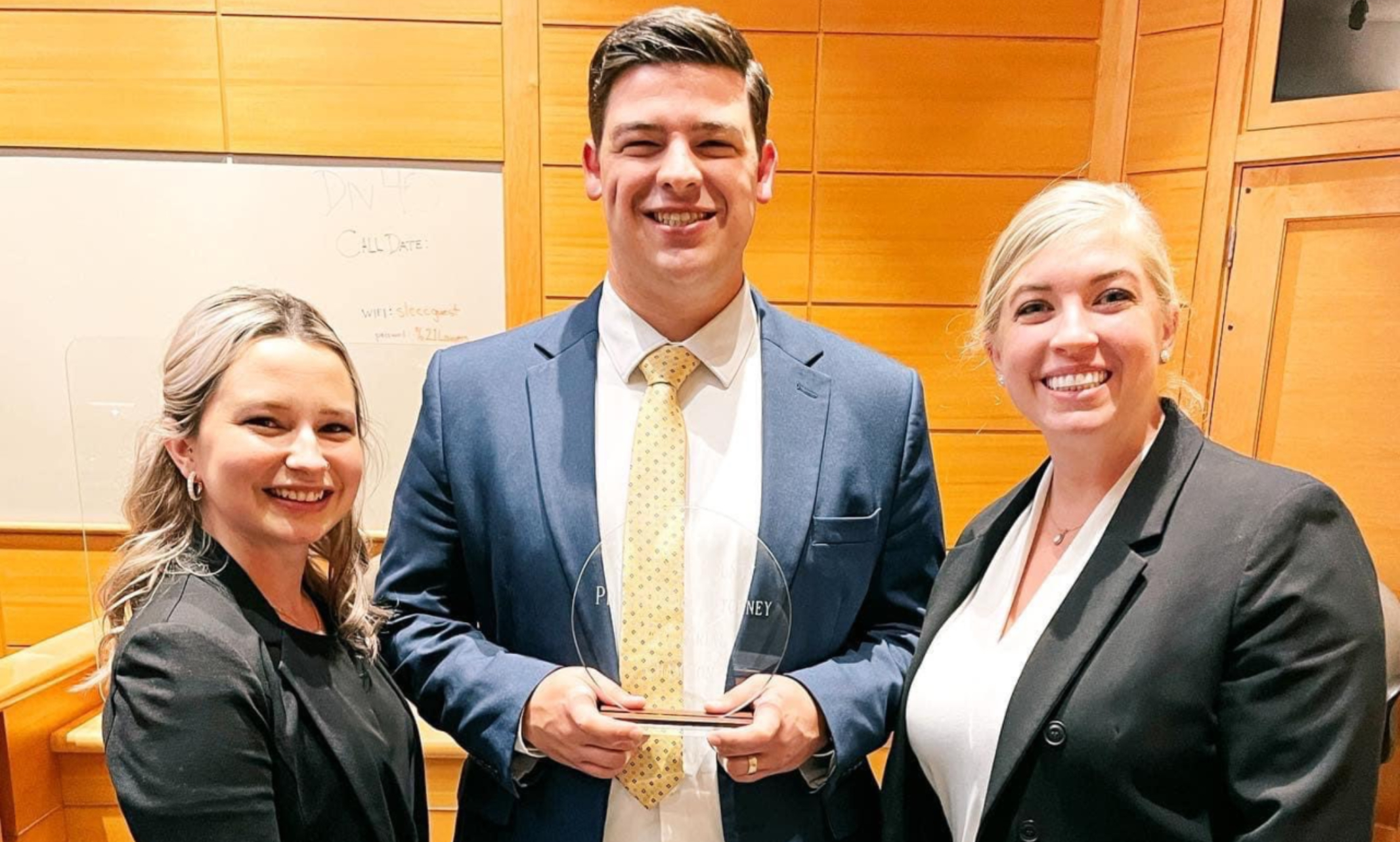
The team beat out several other Missouri law schools
A University of Missouri-Kansas City School of Law mock trial team took home top prize at the 2021 Missouri Prosecutor's Cup Mock Trial Competition.
The Prosecutors Cup is a mock trial competition among Missouri's top law schools. UMKC students studying for careers in the legal profession used trial advocacy skills to try cases against each other. This year's winning team included Trey Allison (3L), Alissa Beirmaier (3L) and Margaret Stansell (3L), coached by law professor Michaelle Tobin.
"My first reaction when I found out we had won was absolute joy. I was so excited to compete and so proud of my team. We put in a lot of hard work and late nights to prepare for this and I was so happy that work paid off and we were able to come home with a win," Stansell said.
The competition, held in St. Louis in late November, featured mock trial teams from across the state of Missouri, including teams from Washington University in St. Louis and the University of Missouri-Columbia.
After winning the competition the championship team had the opportunity to have an exhibition round with practicing attorneys as opposing counsel.
Scott Rosenblum, of Rosenblum Schwartz & Fry, Travis Noble, of Travis Noble P.C., and several other high profile St. Louis attorneys acted as defense counsel. The U.S. Attorney for the Eastern District of Missouri, Sayler Fleming, played the defendant and the Honorable George Draper of the Missouri Supreme Court was the judge.
UMKC sent two teams to the competition, the winning team, and another team that finished undefeated but came up just six points shy of advancing to the final round. The undefeated team was comprised of Casey Campbell (3L), Lauren Gregory (3L) and Eric Honea (3L).
"This win is so important to me as a 3L because it reflects all the skills I've learned, nurtured and crafted over the years in undergrad mock trial and on the law school team," Stansell said. "It always feels good to win but this was so special because we're about to graduate and really only have a few chances left to compete and bring these accolades to our school."
Dec 16, 2021
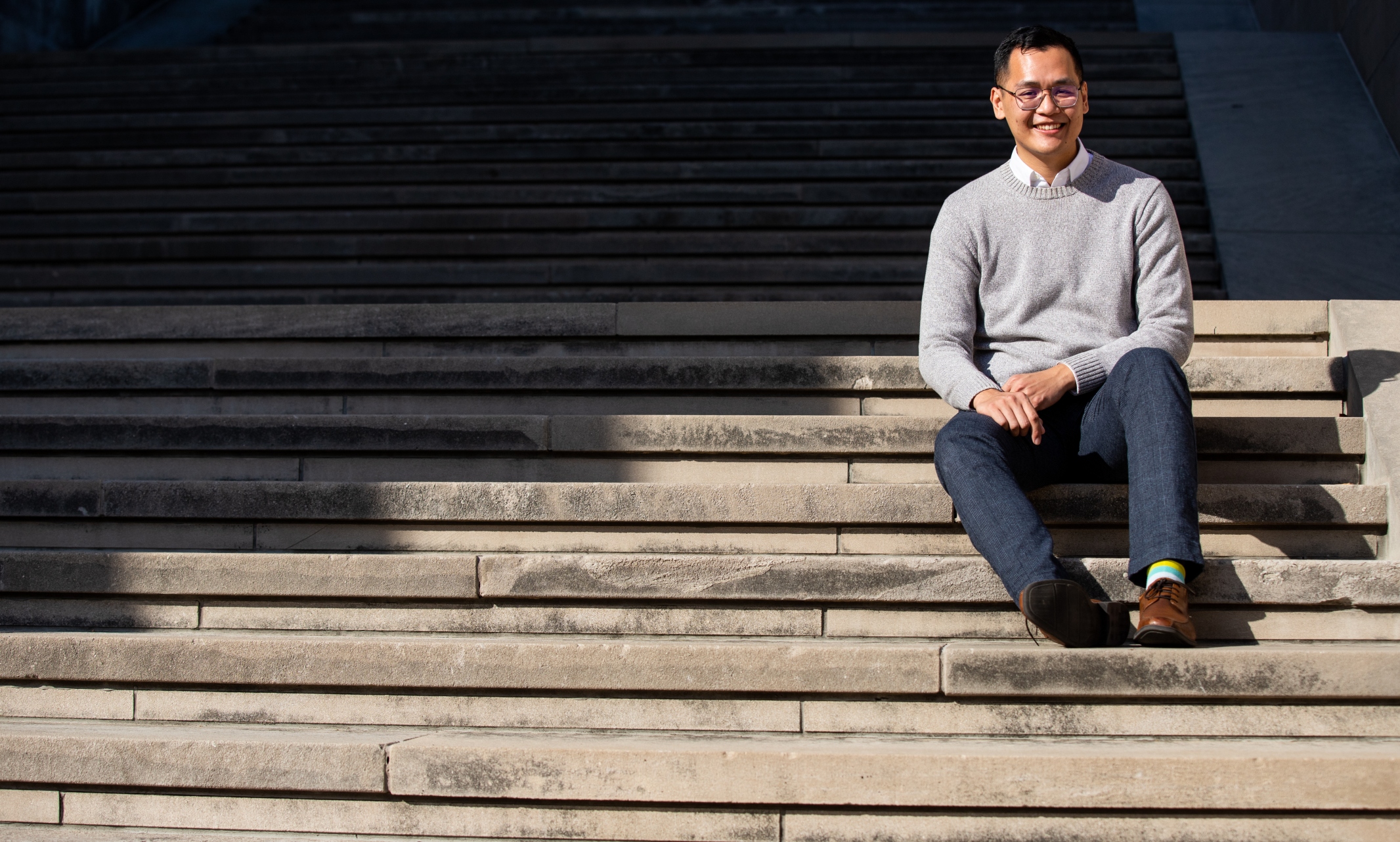
ICU healthcare provider offered comfort in a time of crisis
Roos don’t just dream, they do. Our students turn ideas into action every day. Get to know our people and you’ll know what UMKC is all about.
Name: Kevin DuAnticipated graduation year: May 2023UMKC degree program: Master of Medical Science – Physician AssistantHometown: Kansas City, MO
When Kevin Du, MMS, ’23, lost his father to an acute myocardial infarction three years ago, he was numb, but he remembers that a care provider in the ICU stopped to comfort him.
“I remember how kind she was and how heard I felt,” he says. “Looking back on that is what initiated my interest in the physician assistant profession, and I know that I want to be that type of provider in my career.”
Du is currently enrolled in the physician assistant program at the UMKC School of Medicine. He says the pace of the program can be a challenge, but he loves the small class sizes and the support he receives from the staff members.
“Also, we are a smaller cohort, so we receive more personalized attention from our amazing, supportive faculty when we need it.”
“UMKC is culturally diverse and encourages students to be understanding of others’ backgrounds. I admire the commitment to the community.”
Du is a first generation college student. His parents immigrated to the United States following the Vietnam War and settled in Kansas City. While his parents’ goals for him were more focused on having a happy life than the pursuit of an advance degree, Du would like his achievements to inspire future generations in his family and make his mother proud.
“I want to pay my mom back for all the sacrifices she made for me and validate my parents’ choice to immigrate here,” he says.
Du believes his confidence has allowed him to learn new things and expand his opportunities.
"We are a smaller cohort, so we can receive more personalized attention from our amazing, supportive faculty when we need it.”
“I will always be the first one to volunteer or answer a question,” Du says. “Whether I answer correctly or perform well does not matter to me. I take all my successes and failures in stride and just treat everything as a learning experience. After every experience I ask, ‘How did I do that, and can I do it better?’ This has given me a positive outlook on life and more perspective on how I can improve on myself.”
Du is the president of the UMKC Physician Assistant Student Association and appreciates the inclusivity of the UMKC environment.
“UMKC is culturally diverse and encourages students to be understanding of others’ backgrounds. I admire the commitment to the community.”
Dec 16, 2021
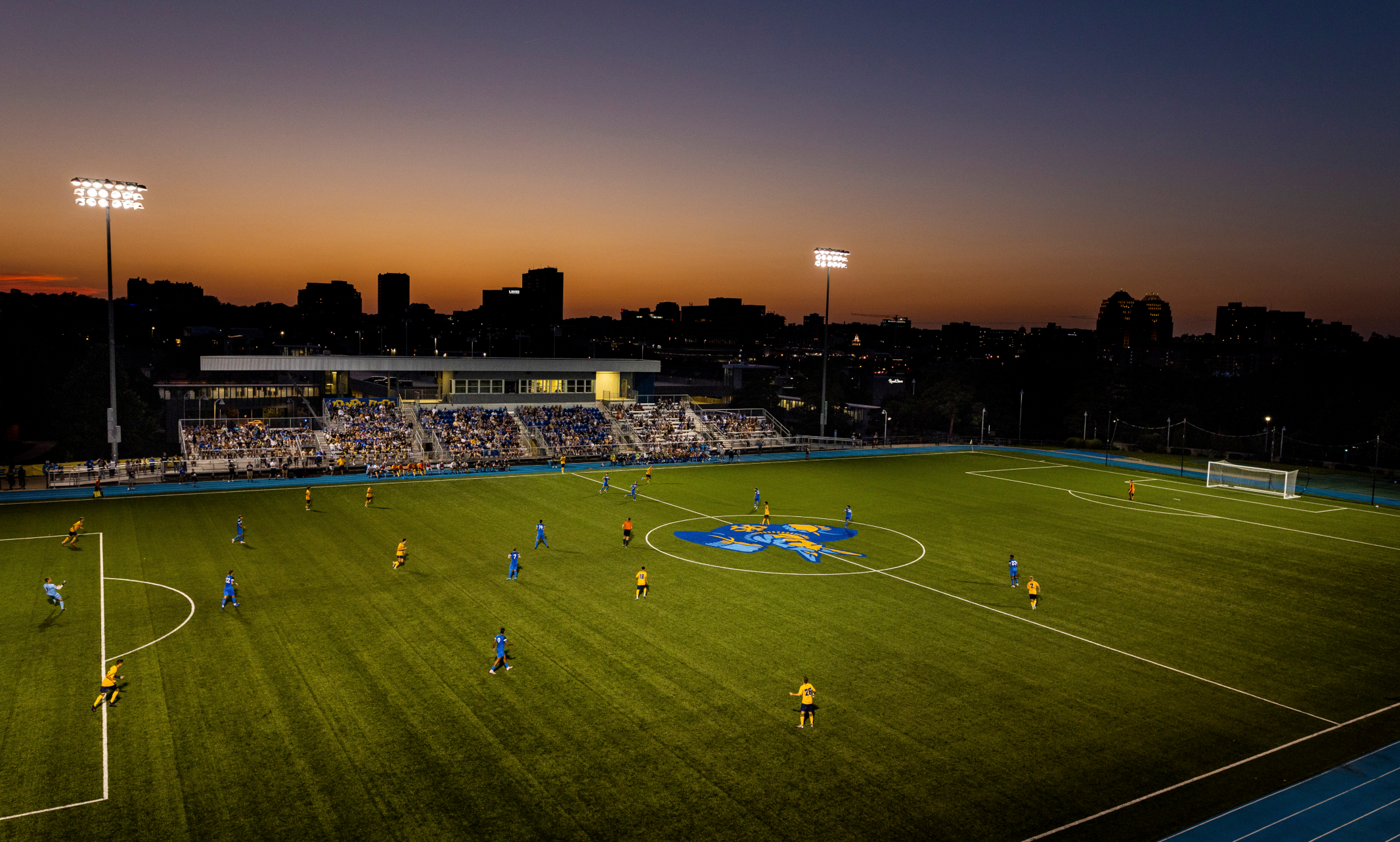
Moments we'll remember from this last year
From wrapping up the online spring semester with Commencement at The K to much-anticipated return to campus in the fall, 2021 has definitely been a year to remember.
Each year our campus photographers select some of their favorite images to share with us. Here are some of their favorites that highlight key moments this year.
Some of our favorite images are portraits we get to take of students, here is one of former Student Government Association President Brandon Henderson, who shared the importance of self-care.
Mascot bonding time: KC had a blast with Sluggerrr doing a photo shoot for our countdown to Commencement at The K this past May.
Two days of multiple ceremonies, some with rain, didn't dampen these smiles. Grads were pumped to have in-person Commencement at The K.
Incoming freshmen swung by campus on Commitment Day this spring to take some photos.
Students were excited for the dedication of our new Roo statue, designed by Kansas City artist Tom Corbin.
We love creating promo images of our student-athletes. Go Roos!
We got some great images from the Mental Health Mile color walk that Roos for Mental Health hosted on campus.
This year our Conservatory students returned to Kauffman Center for the Performing Arts for their annual Crescendo gala performance.
Not only has UMKC provided vaccine clinics for our employees and students, but many of our Roos have served in various roles in the vaccination rollout to our larger community across the city, state and region.
Dec 16, 2021
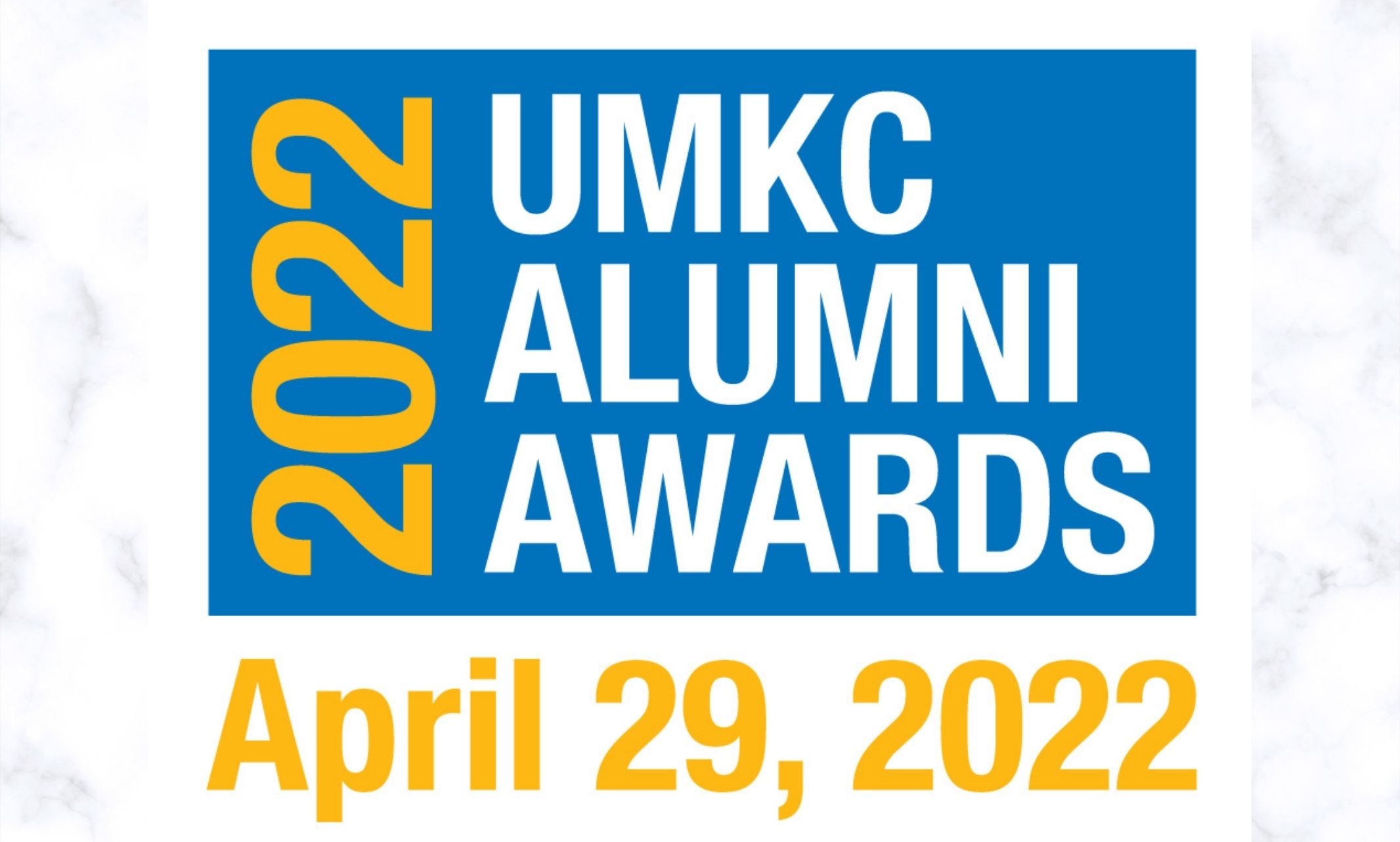
Sixteen alumni and one family will be honored on April 29
The University of Missouri-Kansas City Class of 2022 Alumni Achievement Award recipients include the founder of a veterans housing program, a judge, national CEO and a legacy family whose education and contributions to UMKC have spanned generations.
Join us in honoring the Class of 2022 awardees in an in-person celebration at 6 p.m. April 29, at the James C. Olson Performing Arts Center. Visit UMKC's Alumni Association website to learn more about this year's honorees and the event. If you are unable to attend the event but would like to donate to student scholarships, contributions can be made online.
The Alumni Awards ceremony is one of the university’s largest events to support student scholarships. In the last decade, the Alumni Awards event has garnered more than $1 million in scholarships and immediate aid for UMKC students.
Co-chairs for the 2022 event are Dr. Joseph P. Spalitto (B.S. ’68, D.D.S. ’72) and Debbie Thompson (B.S.D.H. ’81)
University-Wide Alumni Awardees
Alumnus of the Year: Bryan Meyer (B.A. ’11, M.P.A. ’15, J.D. ‘15)
Bryan served in the Marine Corps for five years before coming to UMKC. After his Marine service, he earned three degrees from UMKC: Bachelor’s (2011), JD and MPA (2015). Following graduation in 2015, he then turned his attention to helping fellow veterans by helping to establish the Veterans Community Project (VCP) in Kansas City. He now serves as the CEO of VCP, which is an innovative non-profit that provides housing for homeless veterans in a tiny home village. The village setting provides a sanctuary and emotional space needed for veterans to live and collaborate with those from similar backgrounds and shared experiences. A variety of services are offered to VCP residents, including a Veteran Support Services unit that works to address the underlying causes of homelessness. VCP also provides case managers who work with veterans to achieve incremental, lasting results in the areas of health and wellness, education, employment, financial literacy and the development of a personal support network. Bryan is driven by service and is passionate about building an organization that serves veterans.
Spotlight Award: Riddhiman Das (B.S. ’12, M.S. ‘19)
Das graduated from UMKC with a bachelor’s degree in computer science in 2012 and earned his master’s degree in computer science in 2019. While in school he was a part of the Henry W. Bloch School of Management Entrepreneurship Scholars program, which allows students to develop a business idea alongside a peer group while working with mentors who are accomplished local entrepreneurs.
In the fall of 2019, Das launched a company called TripleBlind, where he currently serves as CEO & Co-Founder. TripleBlind offers data privacy as a service to companies, allowing them to safely provide and consume sensitive data and algorithms in an encrypted space, without compromising privacy or security. Das has spent most of his career in leadership and has held various technical roles in software and product development, academia and consulting across a variety of industries. He is a recipient of the 2013 White House Champion of Change award presented by President Barack Obama. Das was named the 2013 Technologist of the Year by Silicon Prairie News and was featured in Ingram’s Kansas City Business Magazine in 2014.
The Bill French Alumni Service Award: Ann Mesle (J.D. ‘72)
In the midst of building a successful law career, Judge Ann Mesle has dedicated a significant amount of time and service to her alma matter, UMKC. She has served on several boards including the UMKC Law Foundation (President), UMKC Trustees, Martha Starr Education Fund (Co-Chair) and the Board of Diastole-Hospital Hill (Chair). She has received the UMKC Law Foundation’s Lifetime Achievement Award, its Alumni Achievement Award and its Best Friend Award.
Judge Mesle’s leadership has been demonstrated on various UMKC boards and committees including the Capital Campaign and Stewardship and Events (Chair), UMKC Trustees Board and Executive Board, Athletic Foundation, UMKC Trustees Initiative-Law, Law Foundation Board, Law Foundation, and as a Law Foundation Emeritus Trustee. Additionally, she has served on the boards of innumerable civic organizations, including years of service to the Kansas City Bar.
Defying the Odds Award: Susan B. Wilson, Ph.D. (MBA ’05)
Susan B. Wilson, Ph.D. (MBA ’05) is a proud UMKC graduate whose professional accomplishments are a stellar reflection on the University. Susan attended the University of Pittsburgh and earned three degrees. She pushed past poverty, discouragement from professors, racism and discrimination to seek research opportunities and guidance needed to prepare her for the application process for the school’s graduate psychology program. Susan was accepted to the clinical psychology program and matriculated through the very rigorous program as a single parent of two children.
Susan went on to complete her Ph.D. and secured a post-doctoral fellowship at the Menninger Foundation in Topeka. She moved to Kansas City in 1989 and went on to have a multifaceted career in healthcare administration, education and broadcasting. She served as a treating clinician for the Kansas City Chiefs and the National Football League (NFL). In 2005 Susan received her MBA at UMKC and in 2008 became the associate dean for diversity and community partnership at the UMKC School of Medicine. She was named vice chancellor for diversity and inclusion in 2014. During her tenure, she implemented a comprehensive, campus-wide plan for diversity and inclusion, built diversity and inclusion training programs, launched the Faculty Diversity Dialogues program and campus Diversity Advocates programs for students and employees. She retired from her role in January 2021, but has continued working with the School of Dentistry in a diversity and inclusion role.
Legacy Award: North/Cheadle Family
The North/Cheadle family’s UMKC legacy dates back to the 1960’s. Don Cheadle Sr. (M.A. ’70) and his brother-in-law Basil North Jr. (B.A. ‘61, J.D. ‘71) were the first in their family to graduate from Kansas City’s university and laid the path for many generations that followed to become ‘Roos.
North’s daughters, Sheryl North (M.D. ’82) and Maria North Morgan (J.D. ’91) are both UMKC alumni. A host of other relatives have attended UMKC including: Glenn North, Jr. (M.F.A. ’20), Stasi Bobo–Ligon (B.B.A. ’88), Dione Cheadle (B.A. ’89), Myles Cheadle (attended) and Kellie North (attended).
Not only did members of this family graduate and/or attend UMKC, they selected different coursework, so this award represents excellence across several schools on campus. Many of these students have also succeeded in other interests such as art and music. The family is also very committed to public service, with many participating in numerous and impactful volunteer initiatives.
School Alumni Achievement Award Recipients
College of Arts and Sciences: Melissa Zarda (B.A. ’02, M.A. ‘07)
Owner, Pixel Lunch LLC
School of Biological and Chemical Sciences: Joseph Lambing (Ph.D. ‘90)
Senior Vice President, Bristol Myers Squibb, formerly MyoKardia (retired)
Henry W. Bloch School of Management: Mike Perry (B.B.A. ’89)
President & CEO, Hallmark Cards, Inc.
School of Computing and Engineering: Jungwoo Ryoo (B.S. ’96, M.S. ’98)
Professor, Information Sciences and Technology; director, Division of Business, Engineering, and Information Sciences and Technology (BEIST), the Pennsylvania State University-Altoona.
Conservatory: Dr. Xi Wang (M.M. ’03)
Associate Professor, Music Composition and Theory, Southern Methodist University
School of Dentistry: Brenda Bohaty (Ph.D. ’09)
Nelson Professor and Chair, Department of Pediatric Dentistry, University of Missouri-Kansas City School of Dentistry
School of Dentistry – Dental Hygiene: Jo Ann Weatherwax (B.S.D.H. ’06, M.S. ’12)
Founder/director, Volusia County Health Department Dental Program (retired)
School of Education: Lucero Garibay (M.A. ‘16)
Floor Supervisor and Psychotherapist, Pilsen Wellness Center
School of Law: J. Kent Emison (J.D. ’81)
Partner, Langdon & Emison LLC
School of Medicine: Lucky Atul Chopra (B.A. ’91, M.D. ’92)
CEO, Advanced Diagnostics Healthcare
School of Nursing and Health Studies: Leslie Luke (M.S.N. ’00)
Family Nurse Practitioner/Owner, The Care Clinic
School of Pharmacy: Janelle Sabo (Pharm.D. ’00)
Vice President of Clinical Capabilities, Eli Lilly and Company
Dec 15, 2021
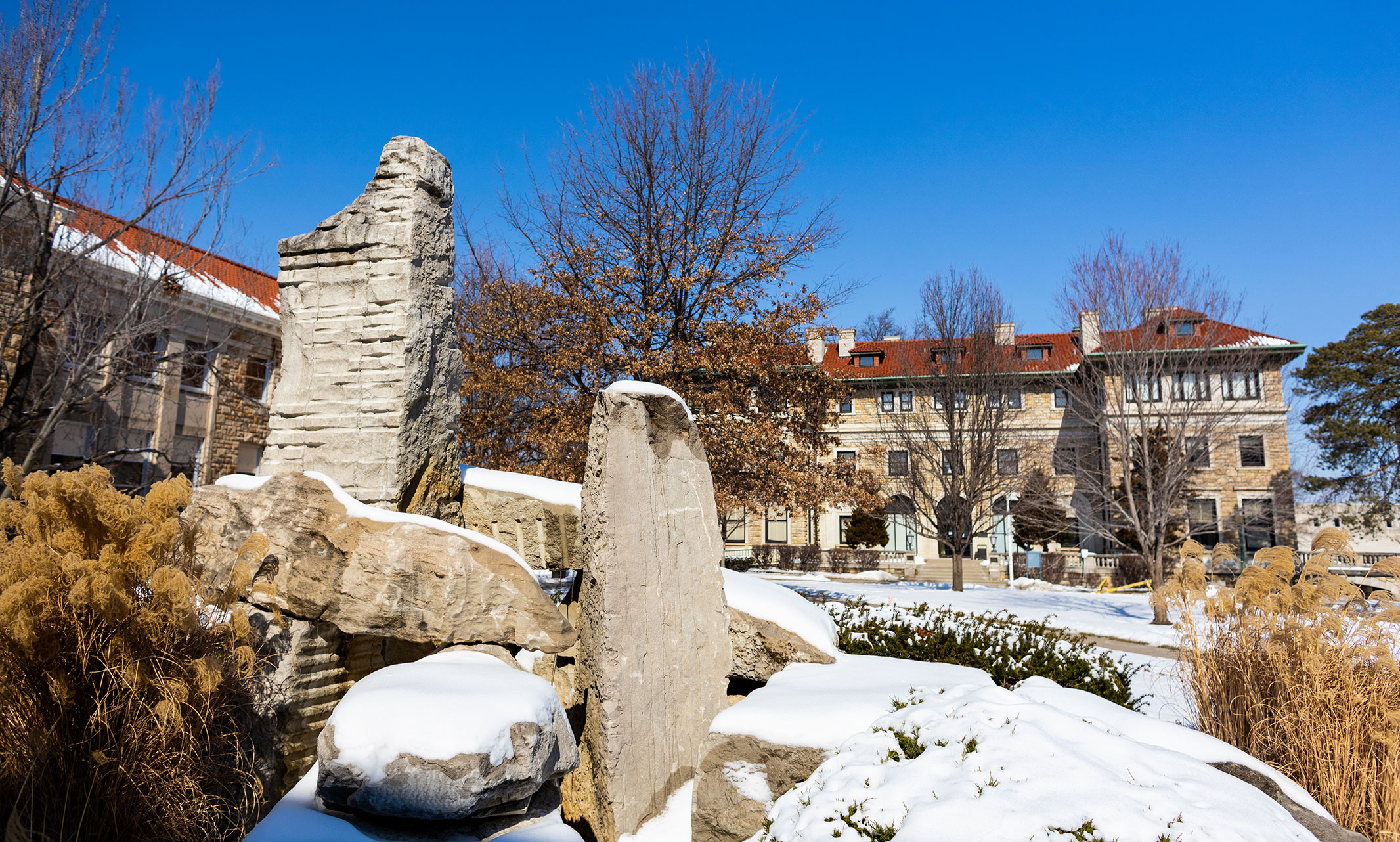
We asked the UMKC community to share their favorite winter-time activity
While we love this town in all seasons, Kansas City is particularly cool in the winter.
Not just in temperature, of course, but in how many exciting things there are to do. We asked our UMKC community on Instagram what their favorite thing to do is in Kansas City in the wintertime, and we’re sharing the best of them here for your own cold-weather enjoyment!
KC Rep’s A Christmas Carol
The Kansas City Repertory Theater and UMKC have a long history. Located on UMKC’s Volker campus the Rep is a popular place during the holiday season for it’s well known tradition of putting on A Christmas Carol, a musical version of the classic Charles Dickens tale. With stunning performance, sets and costumes, it is sure to wow and warm the heart of any Scrooge.
UMKC Basketball Games
When the weather outside is frightful, there’s nothing more delightful than catching a game at the Swinney Center, where our players are always heating up! You can catch men’s and women’s basketball games all season long. Don’t forget to check the athletics site for the latest info and to get your tickets!
Kansas City Zoo & Aquarium
One of Kansas City’s favorite outdoor attractions is not just for summertime! This is one of the best seasons to see the Kansas City Zoo & Aquarium. There’s an outdoor polar bear exhibit, and on Saturdays and Sundays, you can watch the Penguin March at 11 a.m. It’s one of the zoo’s most popular events.
Crown Center
This city district, just west of our Health Sciences campus, is the holiday headquarters of Kansas City. It’s home to the Mayor’s Christmas Tree, and the beloved Ice Terrace, the premiere spot for ice skating in town. Warm up inside with some holiday shopping, delicious food and festive special performances in their two theaters.
See the Lights
It can be a bit of a downer when the sun sets before 5 p.m. each night, but what better to lift low spirits than twinkling lights. There’s so many to see all through Kansas City. From public walkthrough displays, like Powell Gardens Festival of Lights, to drive-through spectacles like Winter Magic at Swope Park, there’s a glow out there for everyone. Short on cash? Drive by Ward Parkway or Candy Cane Lane, a neighborhood light spot that’s been a Kansas City area staple for more than fifty years. And speaking of lights…
The Plaza Lights
We’d be remiss not to mention the world-famous Country Club Plaza Lights, within walking distance of our Volker campus. Kansas City has kicked off the holiday season with a lighting ceremony here since the 1930’s. Grab a hot beverage and enjoy them while you frequent the many Plaza shops, or just take the most festive walk of the season.
Dec 14, 2021
AccessLex proves to be a valuable resource for UMKC law students
A nationwide program is helping UMKC students take charge of their finances and mitigate the cost of law school.
The AccessLex Institute is a non-profit dedicated to improving access to law school. It offers a program called MAX by AccessLex at 174 law schools across the country, which provides quick, easy-to-understand personal finance lessons for students, including how to pay for law school, retirement and investing. Recently the UMKC School of Law was named among the top 10 schools in the country for personal finance course completion on MAX by AccessLex.
Dean Barbara Glesner Fines said that the high participation for UMKC students did not come by accident. The law school integrated the financial literacy program and frequently promotes its use by hosting presentations, sending monthly reminders and providing access to AccessLex counselors. “What makes us stand out is that we uniquely take advantage of opportunities and that’s why our students do so well in the MAX program,” said Glesner Fines.Being a law student is inherently stressful, but Glesner Fines said when students are financially strapped on top of stressing over rigorous coursework, it is apparent. “I see it so powerfully when a student doesn’t have to worry about financing their legal education or retaining huge student loans, it affects the classes they choose, the internship they take, the ability to do pro bono work and volunteer, the ability to be in competitions, be on the trial team or client counseling team. And it affects their career choices for the rest of their life.”While many of UMKC’s law students go on to pursue lucrative careers in the private sector, Glesner Fines said a majority go to work in prosecutor and public defender offices.“These are such critical roles in our community in providing access to justice, but they do not pay as much as other legal employment opportunities. If a student graduates with excessive student loan debt, they may find these career choices are simply unmanageable for them,” she said. In addition to MAX programs, UMKC students have also benefited from other AccessLex benefits. In 2019, UMKC law student Kourtney Hodge was awarded a $40,000 scholarship from the non-profit. UMKC Law also received a $25,000 grant in 2020 to assist with emergency expenses during the COVID-19 pandemic. Those funds helped students purchase technology for remote classes, provided assistance to students whose employment was affected by the pandemic, provided child care and helped with paying for medical crises. “They’ve been very generous partners,” said Glesner Fines.
Dec 14, 2021
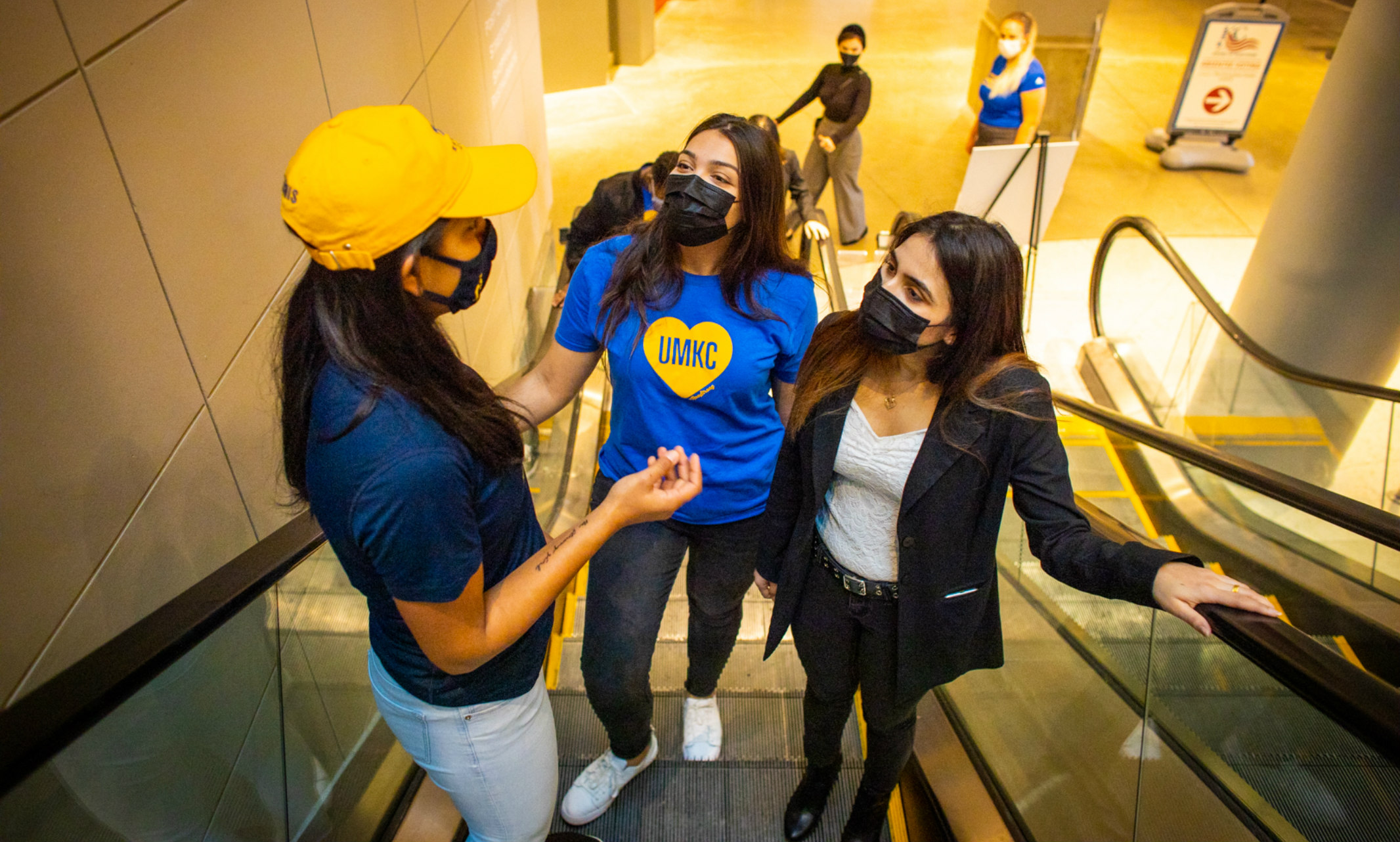
A year of investment, innovation and bold initiatives
The year 2021 will be remembered as the one in which UMKC created a sharply sloped upward spike in its growth graph, launching strong initiatives with impact that will be felt for years. The year saw the opening of a new high tech research center, the launch of the UMKC Forward reimagination initiative, the unveiling of a new outdoor artwork to serve as a campus rallying point, and much more.
Here are the university’s Top 10 stories of 2021.
UMKC Forward Will Invest More Than $50 Million to $60 Million for Excellence and Achievement
The University of Missouri-Kansas City rolled out its UMKC Forward plan, pledging to invest more than $50 million to $60 million over the next five years in five key investments. Chancellor Mauli Agrawal said the investments are designed to achieve growth and excellence for Kansas City’s university. In addition, the university will spend another $5 million to hire new faculty in key strategic areas over the next three years.
Introducing a Bold New Concept in Higher Education: Professional Career Escalators™
A centerpiece initiative of the UMKC Forward plan will create the university’s signature Professional Career Escalators™ program. This innovative student success initiative includes a unique system of personalized support and services to propel students from their academic studies to good-paying careers. University officials believe the combined features and goals of the program make it unlike anything being offered at any other college or university in the United States.
UMKC Welcomes Public to $32 Million High-Tech Research Center
The five-story, 57,800 square-foot Robert W. Plaster Free Enterprise and Research Center features 11 state-of-the-art research labs. It is the largest privately-funded capital project in UMKC history, with more than 25 donors.
Roo Sculpture by Artist Tom Corbin Settles Into New Home
UMKC students, faculty and staff welcomed the newest UMKC Roo to campus in the first public event since the beginning of the COVID-19 pandemic. Mahreen Ansari, UMKC Student Government Association president, introduced the Roo sculpture by artist Tom Corbin that stands proudly in the heart of campus on the University Walkway near the Miller Nichols Library and Learning Center.
Commencement at The K: Unique In Every Way
The university emerged from more than a year of pandemic isolation in spectacular fashion, as the community celebrated the degrees earned by more than 2,300 graduates in a historic two-day commencement celebration at Kauffman Stadium, home of the Kansas City Royals.
UMKC Awarded $5 Million to Fight COVID on the East Side
The Jackson County Legislature has appropriated about $5 million in CARES Act funding to a project led by UMKC to promote and deliver widespread COVID-19 vaccinations and other health services to neighborhoods on Kansas City’s east side, the city’s most socially vulnerable community.
UMKC to Serve as Backbone for $10M National STEM Education Initiative for Students with Disabilities
The university will serve as backbone for a $10 million research effort from the National Science Foundation, or NSF, to promote science, technology, engineering and mathematics, or STEM, education among students with disabilities. Auburn University will lead the five-year project while UMKC will "backbone," or guide vision and strategy, support aligned activities, establish shared measurement practices and support the implementation of research, according to the NSF.
African American Students Cite Chancellor for Leadership
The African American Student Union (TAASU) surprised Chancellor Mauli Agrawal in his office April 12 with the presentation of the Dr. Joseph Seabrooks Jr. Leadership Award. The award recognizes the service, leadership, professionalism and dedication of a faculty or staff member. TAASU members wanted to let the chancellor know how much they appreciated his leadership during the difficult social justice events of the past year.
$15.2M Renovation Underway at Bloch Heritage Hall
When completed, the renovation of Bloch Heritage Hall will be more than new carpet and reconfigured classrooms. It will be even more than eye-popping technology, although the reimagined facility that has anchored the Bloch School since its earliest days also will get that. The $15.2 million renovation, expected to welcome students by the Fall 2022 semester, is really about fulfilling its namesake’s unwavering vision of excellence for the school.
RoosDo: UMKC Launches New Campaign to Highlight Success Stories
The university launched a new branding and marketing campaign to demonstrate how UMKC people are powering our community by making discoveries, serving others and challenging the status quo.
Dec 13, 2021
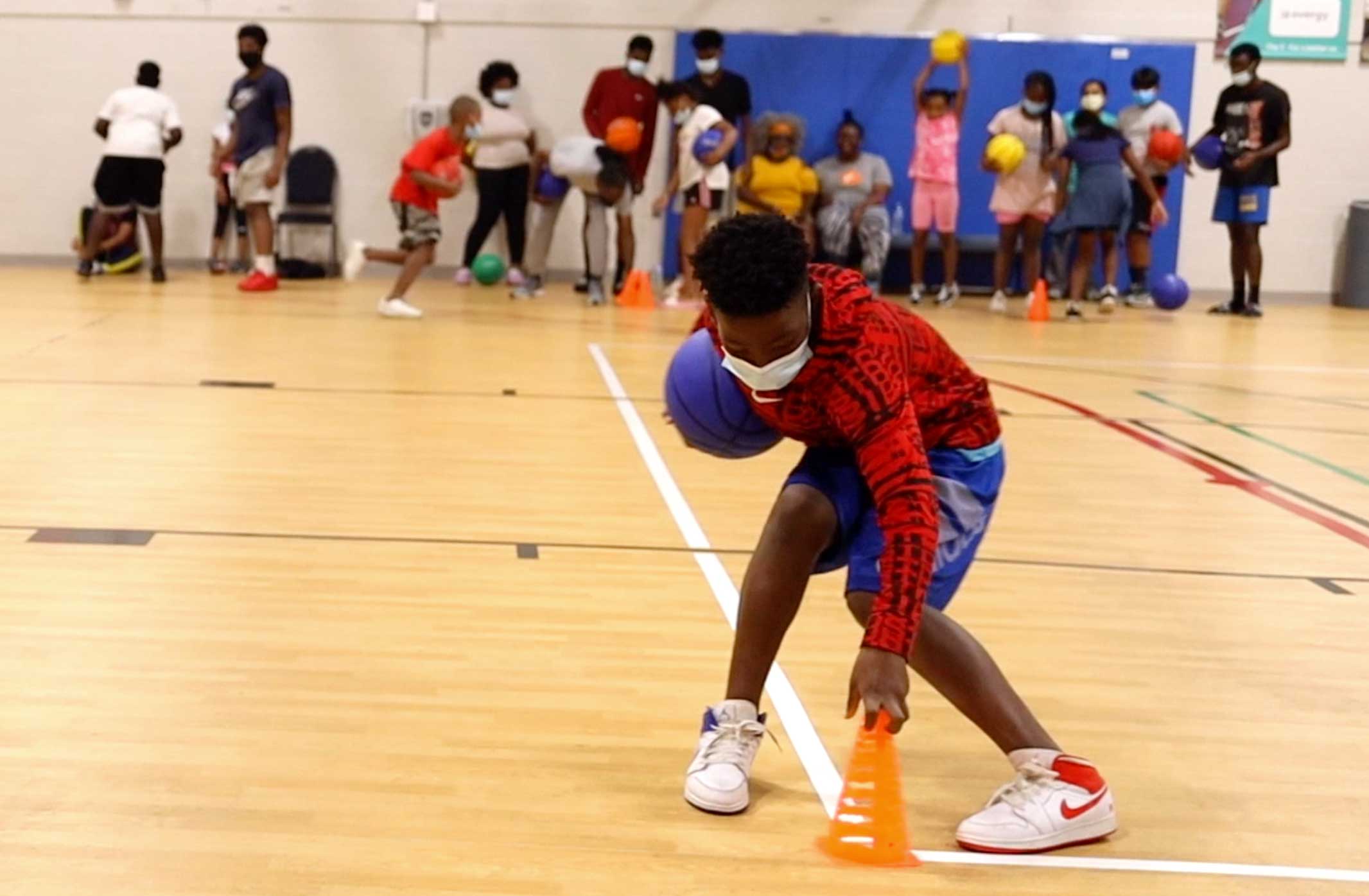
Advocating for physical education as public health policy
If parents notice a more active school day for their kids, they can thank two public health researchers at the UMKC School of Nursing and Health Studies. Joseph Lightner and Amanda Grimes authored recommended changes to physical education requirements nationally. The new guidelines recommend kids get at least 60 minutes of physical activity each school day.
“With these guidelines laid out and the evidence supporting them,” said Grimes, “we hope that someone working at the local level can use these to enact change in their community.”
According to Grimes, the guidelines have academic benefits as well. “Is physical activity of lesser value than academics?” said Grimes. “We just know that the research shows they are tightly correlated. Kids who are more physically active do better in school, behaviorally and academically.”
Lightner and Grimes work with the local program Move More, Get More, whose goal is to increase physical activity and nutrition among middle school students in Kansas City public schools. Part of the program tracks how active students are in their daily lives through pedometers so Grimes saw first-hand the affect the pandemic had on these students.
“After the pandemic hit, the kids’ activity levels went down to 40 minutes a week,” said Grimes. “That means in an entire week, they’re not even meeting what we’re hoping for in a day.”
Lightner knows that sustained behavior change is hard, but the research in the field of public health has found that it’s easier to get kids active than to get adults to change sedentary ways.
In response to that, Lightner and Grimes are advocating for not only an increase in physical activity, but also physical literacy so students can carry an active lifestyle into adulthood. With extracurricular athletics getting more and more competitive, kids can get left behind and lack the skills in adulthood to participate.
“I was super involved in sport growing up,” said Grimes. “I think about how that impacted my life and trajectory, not only in my career, but also taking a healthy lifestyle into adulthood.”
Lightner readily admits that he didn’t like physical education classes when he was in school. But he is also training for a half-triathlon, so he’s not one to shy away from being active. The difference is he’s found joy in his pursuit of being a triathlete.
“Enjoyment is one of the best predictors of physical activity throughout life,” said Lightner. “I love physical activity but not in school. I tried to get out of PE as much as possible.”
But Lightner knows that physical activity is one of the simplest and cheapest ways to combat the most common chronic health problems: heart disease, cancer, diabetes, etc. “It’s always thrown around in public health circles,” said Lightner, “but if physical activity was a pill, it would be the most prescribed medicine on the planet.”
According to Lightner, physical activity is a relatively young area in the field of public health but that doesn’t take away from its importance. “Policy is a long road,” said Lightner. “I think it’s important to note that it took us a long time to get to this point and it will take some time to get to the next step.”
Dec 10, 2021
Eight students honored for academic excellence, leadership and service
Eight graduating seniors who have excelled in both academic achievement and service were named as a Dean of Students Honor Recipients this fall. This program recognizes the exceptional students who maintain high scholastic performance while actively participating in University and community leadership and service activities outside of the classroom. Students were nominated by faculty and staff across campus for the honor.
The Division of Student Affairs hosts a breakfast for the recipients to celebrate this distinguished award with their family and nominators.
For many of the students, it is one of the last events that give them an opportunity to reflect upon their career at UMKC before they cross the stage at Commencement. Fellow awardee Morgan Kensinger had this to say about what her experience as a Roo has taught her.
"As a medical student at UMKC, I have seen how imperative and remarkable human connection can be. Holding the hand of a fearful patient. Sharing a laugh with a classmate after a stressful exam. Listening to stories from my mentors. Giving a helping hand to a member of our KC community. Connection defines us," she said. "And while we are all here to celebrate the service and honorable acts that we have completed over the past several years, I think we can all agree that it’s not the act itself that binds us, but the stories and moments shared. I have been so incredibly privileged to learn alongside amazing students and work with truly resilient patients. It is my sincerest hope that I take the lessons learned and appreciation for human connection forward with me in my career."
Congratulations to the Fall 2021 Honor Recipients!
· Nichole Alexander, College of Arts and Sciences, nominated by Lynne O’Dell
· Courtney Dorris, School of Medicine, nominated by Brent McCoy
· Anya Joyo, School of Medicine, nominated by Krisana West
· Morgan Kensinger, School of Medicine, nominated by Muhammad Shah Miran
· Micah McGlaughlin, School of Biological and Chemical Sciences, nominated by Katie Garey
· Victoria Pavlik, School of Nursing and Health Studies, nominated by Matthew Chrisman
· Matthew Robinson, College of Arts and Sciences, nominated by Mathew Forstater
· Krithika Selva Rajoo, College of Arts and Sciences, nominated by Crystal Doss
Dec 10, 2021

Here’s how to give
While the UMKC campus is closed during Winter Break, it’s still easy to make a year-end gift by observing the following guidelines.
UMKC offices will be closed Friday, Dec. 24 through Friday, Dec. 31. All gifts must hit UMKC Foundation accounts by Dec. 31 to receive tax credit for the 2021 calendar year. Checks and cash need to be postmarked on or before Dec. 31.
Credit card and stock gifts must hit the UMKC Foundation accounts by Dec. 31 to receive tax-credit for the 2021 calendar year. Checks and cash need to be postmarked on or before Dec. 31
The date UMKC receives and processes checks and cash from the mail has NO impact on a donor’s taxable year contributions. The “gift date” for the IRS is the date the donor relinquished control, not the date the gift is processed.
Availability and Contacts
The Office of Gift Processing will be available Thursday, Dec. 30 from 8 a.m. to noon to accept year-end gifts. The Office of Gift Processing will be closed on December 31 through the remainder of winter break and will re-open with regular business hours on Monday, Jan. 4.
The UMKC Foundation Office will be closed during winter break. Should you have any inquiries during that time, please call 816-235-5778 and someone will return your call.
For any stock gifts or wire transfers, please contact UMKC Foundation Accounting at umkcfoundationaccouting@umkc.edu.
Inquiries about all other year-end gifts can be directed to Sara Hampton at 816-235-5329 or via email to umkcgiftprocessing@umkc.edu. The Office of Gift Processing will also be taking calls at 816-235-1566 during the office hours listed above.
Gift Timing
Checks must be in an envelope postmarked prior to Dec. 31, 2021 to be credited in the 2021 tax year. If the envelope received is postmarked after Dec. 31, it will be counted as a 2022 gift. Donors should send their checks to the address below:
UMKC Office of Gift Processing 112 Administrative Center 5115 Oak Street Kansas City, MO 64112
Checks dated prior to Dec. 31, along with postmarked envelopes, should be received in the Office of Gift Processing on or before Friday, Jan. 7, 2021. Gifts received after that point will not be automatically included in processing for the annual tax receipt.
For stock gifts or wire transfers, please contact Tracie Rodriquez at tar9pn@umkc.edu for the transfer form and DTC instructions. Stock gifts must be received into the account on or before Dec. 31 in order to be reflected in 2021 tax period, per the IRS.
In order to liquidate the stock gift, it is required to provide the donor’s name, number of shares, security, expected date of transfer and area for where the gift is intended. This information can be completed on the transfer form or sent via email. Stock gifts will not be liquidated until confirmation of this information is received.
Mutual funds take an additional 3-5+ business days before posting to our account. Please advise your donors to have their brokers initiate any mutual fund transfers no later than Dec. 21. Regular equity stock takes 24 hours to post to our account.
Credit card transactions must be received by the Office of Gift Processing by 5 p.m. Dec. 31 to be reflected as a year-end gift. Credit cards may be called into the Office of Gift Processing on Dec. 30 from 10 am to 2 pm at 816-235-1566 or the form may be hand-delivered. On December 31, credit cards can ONLY be called in to 816-235-5329.
Credit card gifts may be made online through the UMKC Foundation website until midnight on Dec. 31 to be reflected as a 2021 gift. Any online credit card gifts received after midnight Dec. 31 will be dated in January.
Gifts received after hours may be deposited in the night deposit box located beside the Cashiers Office at the Administration Center lobby and will be processed the following business day. Credit card gifts received through the lockbox will be dated the following business day. Credit card forms dropped off on December 30 after 2 PM will not be processed until January 3, 2022.
Dec 08, 2021
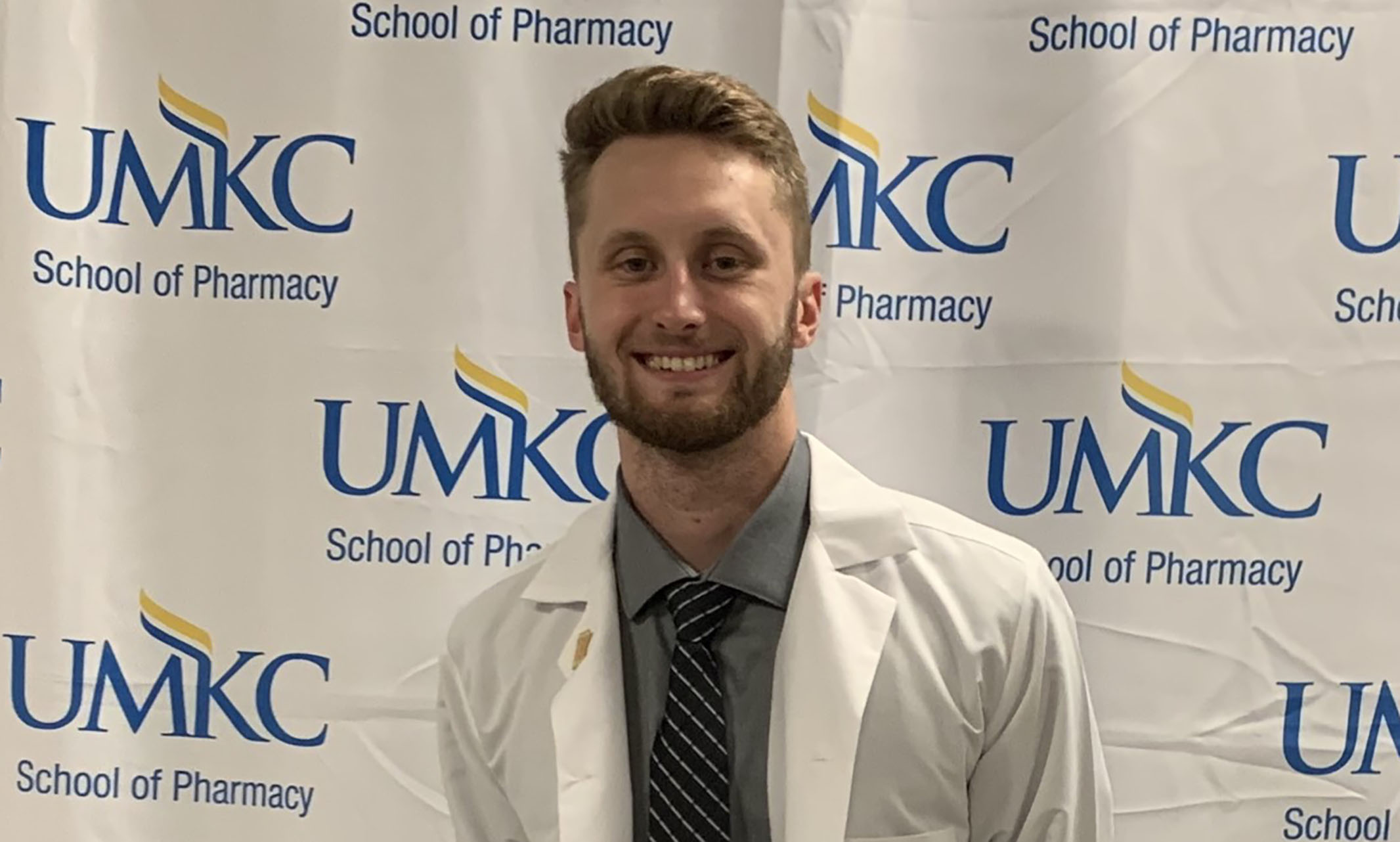
School of Pharmacy student's resume of success, leadership stands out
Brady Smith was still in middle school when he felt the tug of his career calling. It started with a job shadowing opportunity at school. Following his pharmacist father seemed like a safe bet.
“Dad was the one I job shadowed because of the convenience,” Smith said. “And I figured out, hey, I really kind of like pharmacy. Pretty much from sixth grade on, I’ve known that I’ve wanted to go into the pharmacy field.”
Smith began working in his father’s community pharmacy in Neosho, Missouri, during his senior year of high school. His career path hasn’t veered much since.
Now a fourth-year pharmacy student at the UMKC School of Pharmacy’s Missouri State University campus in Springfield, he is an accomplished student, a mentor for younger students and an ambassador for the School of Pharmacy.
He’s also the Missouri Pharmacy Association’s Student of the Year. Presented annually, the award recognizes a pharmacy student for commitment to pharmacy and community, participation in pharmacy organizations and community involvement.
The award caught Smith off guard.
“I didn’t even know it was a thing. I was actually quite surprised,” Smith said. “I was very honored to receive the award.”
His resume made Smith a perfect candidate for the award.
Since moving to Springfield to attend college, he has spent the past four years working as a pharmacy intern at a local community pharmacy.
“It’s really the niche that I enjoy in pharmacy,” Smith said. “I've been working there since before I got into pharmacy school. I feel like that's kind of helped me through the pharmacy curriculum as well.”
Earlier this year, Smith took an elective course in business planning. He and three classmates teamed up to participate in the Community Pharmacist Association’s Student Business Plan Competition. Their plan was strong enough to place them in the top 10 in the national competition.
Smith points to his leadership experience as a highlight of his student career. He’s been a student liaison on local and national committees, while at the same time doing weekly tutoring sessions with third-year pharmacy students. He also serves as a student ambassador for the School of Pharmacy. It’s a big responsibility helping students on the Springfield campus get and stay connected to the school in Kansas City.
“You’re the face of the UMKC School of Pharmacy, welcoming new students, attending orientation and helping students transition into pharmacy school,” Smith said. “That role has a lot of responsibility and a lot of merit.”
Smith exemplifies the quality of students at the School of Pharmacy, said Paul Gubbins, Pharm.D., associate dean for the UMKC School of Pharmacy at Missouri State University.
“UMKC School of Pharmacy has the best student pharmacists,” Gubbins said. “They contribute much to their communities and our profession, which has been recognized time and time again at the national and state level. Being from the Springfield site, we are incredibly proud of Brady. He is someone who has demonstrated himself as a student leader since the day he started our program. In addition, he is passionate about our profession and thus, I have no doubt he will be an excellent pharmacist and accomplish much in his career. I will be excited to see his future achievements for many years to come.”
Smith is on track to graduate from pharmacy school next May. But he’s already looking at extending his academic career. Next up, he hopes, will be a residency to prepare him to work in ambulatory care or possibly academic pharmacy.
“It’s a one-year residency and they say that you get three years’ worth of teaching in that one year,” Smith said. “I’d love to get that additional knowledge and information before I get out there in the real world.”
Dec 08, 2021

Here’s how to give
While the UMKC campus is closed during Winter Break, it’s still easy to make a year-end gift by observing the following guidelines.
UMKC offices will be closed Friday, Dec. 24 through Friday, Dec. 31. All gifts must hit UMKC Foundation accounts by Dec. 31 to receive tax credit for the 2021 calendar year. Checks and cash need to be postmarked on or before Dec. 31.
Credit card and stock gifts must hit the UMKC Foundation accounts by Dec. 31 to receive tax-credit for the 2021 calendar year. Checks and cash need to be postmarked on or before Dec. 31
The date UMKC receives and processes checks and cash from the mail has NO impact on a donor’s taxable year contributions. The “gift date” for the IRS is the date the donor relinquished control, not the date the gift is processed.
Availability and Contacts
The Office of Gift Processing will be available Thursday, Dec. 30 from 8 a.m. to noon to accept year-end gifts. The Office of Gift Processing will be closed on December 31 through the remainder of winter break and will re-open with regular business hours on Monday, Jan. 4.
The UMKC Foundation Office will be closed during winter break. Should you have any inquiries during that time, please call 816-235-5778 and someone will return your call.
For any stock gifts or wire transfers, please contact UMKC Foundation Accounting at umkcfoundationaccouting@umkc.edu.
Inquiries about all other year-end gifts can be directed to Sara Hampton at 816-235-5329 or via email to umkcgiftprocessing@umkc.edu. The Office of Gift Processing will also be taking calls at 816-235-1566 during the office hours listed above.
Gift Timing
Checks must be in an envelope postmarked prior to Dec. 31, 2021 to be credited in the 2021 tax year. If the envelope received is postmarked after Dec. 31, it will be counted as a 2022 gift. Donors should send their checks to the address below:
UMKC Office of Gift Processing 112 Administrative Center 5115 Oak Street Kansas City, MO 64112
Checks dated prior to Dec. 31, along with postmarked envelopes, should be received in the Office of Gift Processing on or before Friday, Jan. 7, 2021. Gifts received after that point will not be automatically included in processing for the annual tax receipt.
For stock gifts or wire transfers, please contact Tracie Rodriquez at tar9pn@umkc.edu for the transfer form and DTC instructions. Stock gifts must be received into the account on or before Dec. 31 in order to be reflected in 2021 tax period, per the IRS.
In order to liquidate the stock gift, it is required to provide the donor’s name, number of shares, security, expected date of transfer and area for where the gift is intended. This information can be completed on the transfer form or sent via email. Stock gifts will not be liquidated until confirmation of this information is received.
Mutual funds take an additional 3-5+ business days before posting to our account. Please advise your donors to have their brokers initiate any mutual fund transfers no later than Dec. 21. Regular equity stock takes 24 hours to post to our account.
Credit card transactions must be received by the Office of Gift Processing by 5 p.m. Dec. 31 to be reflected as a year-end gift. Credit cards may be called into the Office of Gift Processing on Dec. 30 from 10 am to 2 pm at 816-235-1566 or the form may be hand-delivered. On December 31, credit cards can ONLY be called in to 816-235-5329.
Credit card gifts may be made online through the UMKC Foundation website until midnight on Dec. 31 to be reflected as a 2021 gift. Any online credit card gifts received after midnight Dec. 31 will be dated in January.
Gifts received after hours may be deposited in the night deposit box located beside the Cashiers Office at the Administration Center lobby and will be processed the following business day. Credit card gifts received through the lockbox will be dated the following business day. Credit card forms dropped off on December 30 after 2 PM will not be processed until January 3, 2022.
Giving 2022 Information
Dec 08, 2021
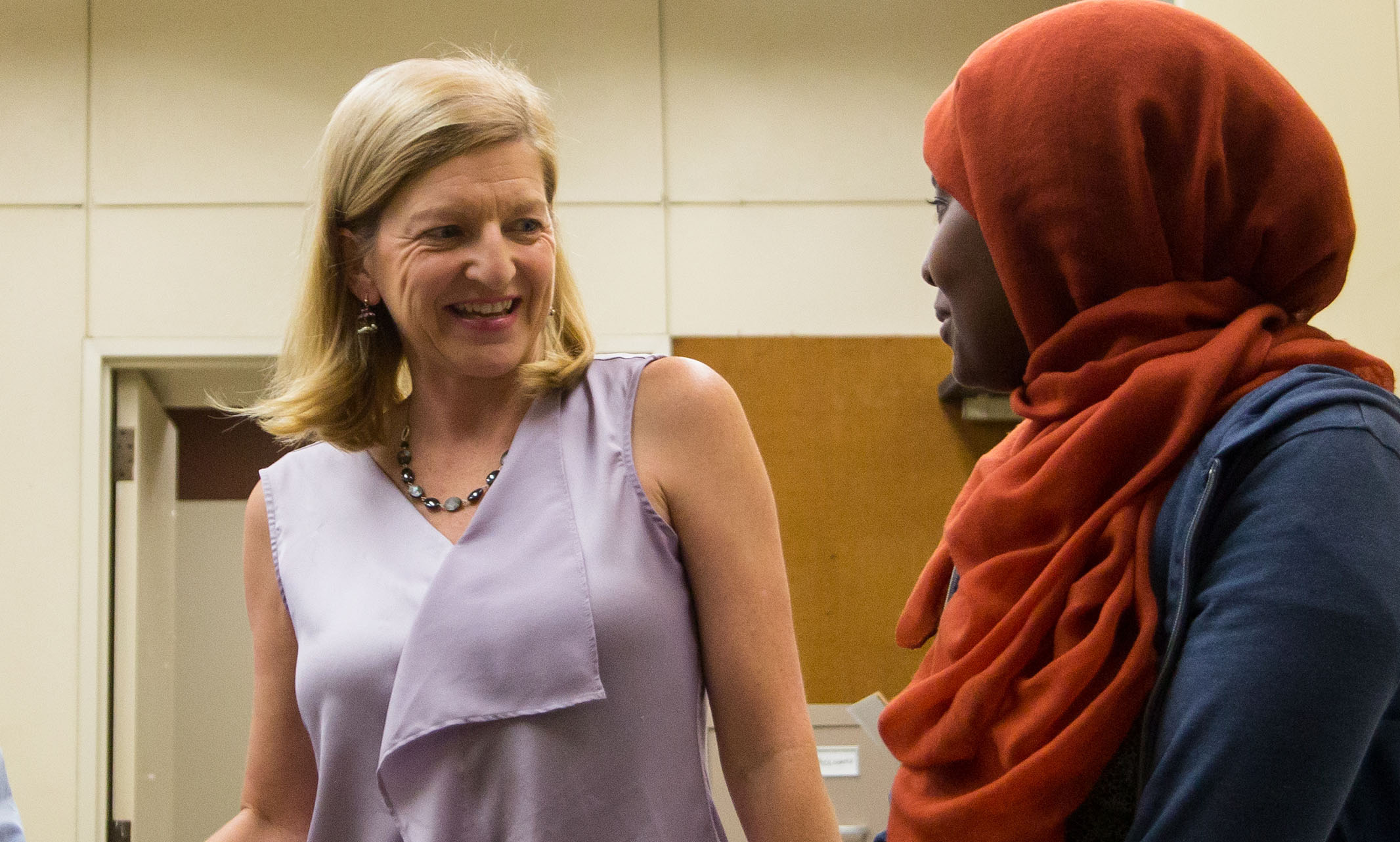
Study is part of part of a 5-year, $3 million projected supported by the National Institutes of Health
UMKC School of Medicine researcher Paula Monaghan Nichols, Ph.D., has received a $867,000 National Institutes of Health grant to look into a treatment that minimizes neurological side effects for a chronic lung disease that affects a significant number of premature babies.
The project is part of a multi-principle investigator initiated proposal between Monaghan Nichols, Dr. Venkatesh Sampath from Children’s Mercy Hospital Kansas City, and Dr. Donald DeFranco at the University of Pittsburgh School of Medicine, Pennsylvania, that totals more than $3 million in NIH funding over a 5-year period.
The research will explore the use of Ciclesonide (CIC), an inhaled steroid currently used to treat asthma, as an alternate therapy for bronchopulmonary dysplasia (BPD). BDP causes tissue damage in the tiny air sacs of the lung leading to severe respiratory distress. It is often the result premature birth and mechanical oxygen ventilation. The disease touches nearly seven of 10 infants born before 28 weeks of gestation. In the United States, that is an estimated 10,000 to 15,000 babies a year.
There is currently no cure for BPD but clinical treatments to limit inflammation and the progression of BPD include long-acting synthetic drugs such as dexamethasone. Those drugs, however, also come with a significant risk of adverse effects on a child’s systemic growth and neurodevelopment that can lead to long-lasting changes in brain structure and function.
Monaghan Nichols, associate dean for research, professor and chair of Biomedical Sciences, said infants that acquire BPD face significant mortality rates. Survivors often have recurrent hospital visits, need for respiratory therapies and persistent limitations in pulmonary function.
“Therefore, there remains a need for a pharmacotherapy for BPD in neonates that will have beneficial anti-inflammatory and lung maturation effects, but limited adverse neurological side effects,” Monaghan Nichols said.
Preliminary studies have found that Ciclesonide, even with intermittent doses, can suppress acute lung inflammation with limited neurological alterations in rat models.
“Given the established safety of CIC in very young children, the clinical translation of our proposed studies to human neonates could be expedited, particularly given the limited, safe and effective therapeutic options available for treating or preventing BPD in susceptible premature infants,” Monaghan Nichols said.
Dec 07, 2021
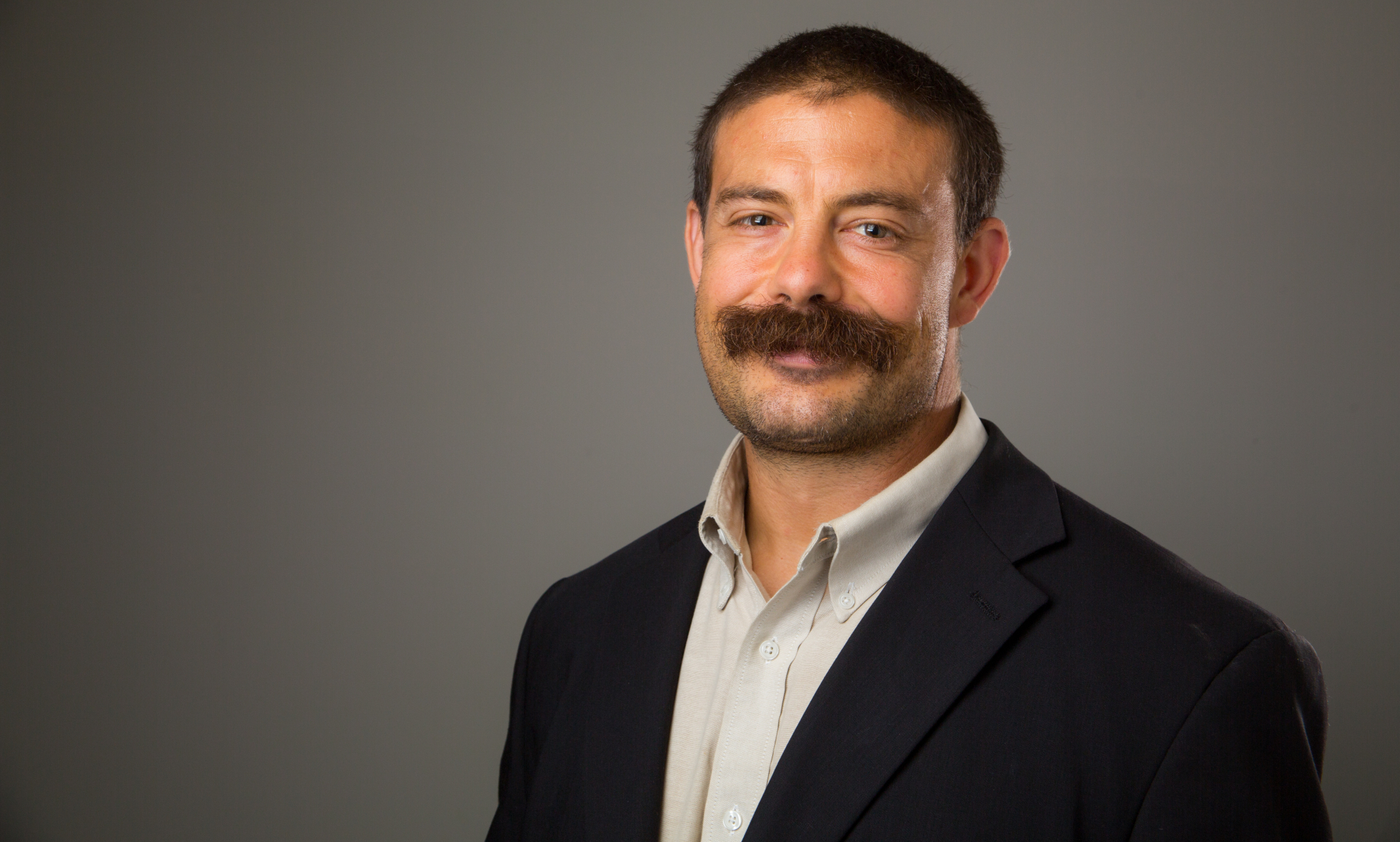
Anthony Caruso becomes the second UMKC faculty member in two years to earn prestigious fellowship
Anthony Caruso, a UMKC faculty member, has been named a Fellow of the National Academy of Inventors — the highest professional distinction awarded to academic inventors.
The NAI Fellows Program highlights academic inventors who have demonstrated a spirit of innovation in creating or facilitating outstanding inventions that have made a tangible impact on quality of life, economic development and the welfare of society.
Caruso's research team conceptualized, and for the first time, showed certain nuclear materials could be identified by their neutron emitting fingerprint. His team has also developed methods for making nuclear batteries, new techniques to generate and radiate high power microwaves for electronic attack and materials that reduce the size of computer chips.
"Receiving this honor means that our team was able to collectively execute on technology that is deemed new, novel and useful," Caruso said. "Coming together as a team is important and should be held in high regard."
Caruso wears many hats at UMKC, serving as professor in the College of Arts and Sciences and School of Computing and Engineering as well as the Associate Vice Chancellor of Research.
Beyond the university, he is highly regarded as a national expert in atomic physics and has a long-standing record of federal research support from the Department of Defense, specifically the Office of Naval Research and Defense Threat Reduction Agency. Caurso is also among a team of researchers at the Missouri Institute for Defense Engery.
"As our team forges ahead, we hope to make major changes in the affordability of whole foods, through urban horticultural engineering, and, in education, through platforms that can adapt the individual and their learning style to enrich and accelerate the information they ingest, retain and use to solve the wicked problems of tomorrow, Caruso said.
UMKC Chancellor C. Mauli Agrawal nominated Caruso for the fellowship. Upon finding out he had been named, Caruso said his first reaction was, "Chancellor Agrawal has my back."
"Tony's work is extraordinarily groundbreaking, and he has made a difference in the lives of many," Chancellor Agrawal said. "UMKC is proud to call him one of our own and is delighted to continue supporting him in his future endeavors."
Caruso is the second UMKC faculty member in the last five years to be named a Fellow of the NAI. Last year, Reza Derakhshani, professor in the School of Computing and Engineering and developer of a biometric technology that makes the eye the only password needed to secure smartphone and mobile devices, received the honor.
The 116-member 2021 Class of Fellows of the National Academy of Inventors will be inducted at the NAI 11th annual meeting in June 2022. The National Academy of Inventors is a member organization comprised of U.S. and international universities and governmental and nonprofit research institutions with more than 4,000 individual inventor members and Fellows spanning more than 250 institutions worldwide.
The NAI was founded in 2010 to recognize and encourage inventors with patents issued from the U.S. Patent and Trademark Office, enhance the visibility of academic technology and innovation, encourage the disclosure of intellectual property, educate and mentor innovated students and translate the inventions of its members to benefit society.
Collectively, NAI Fellows hold more than 42,700 issued U.S. patents, which have generated over 13,000 licensed technologies, 3,200 companies and created more than one million jobs.
Dec 07, 2021
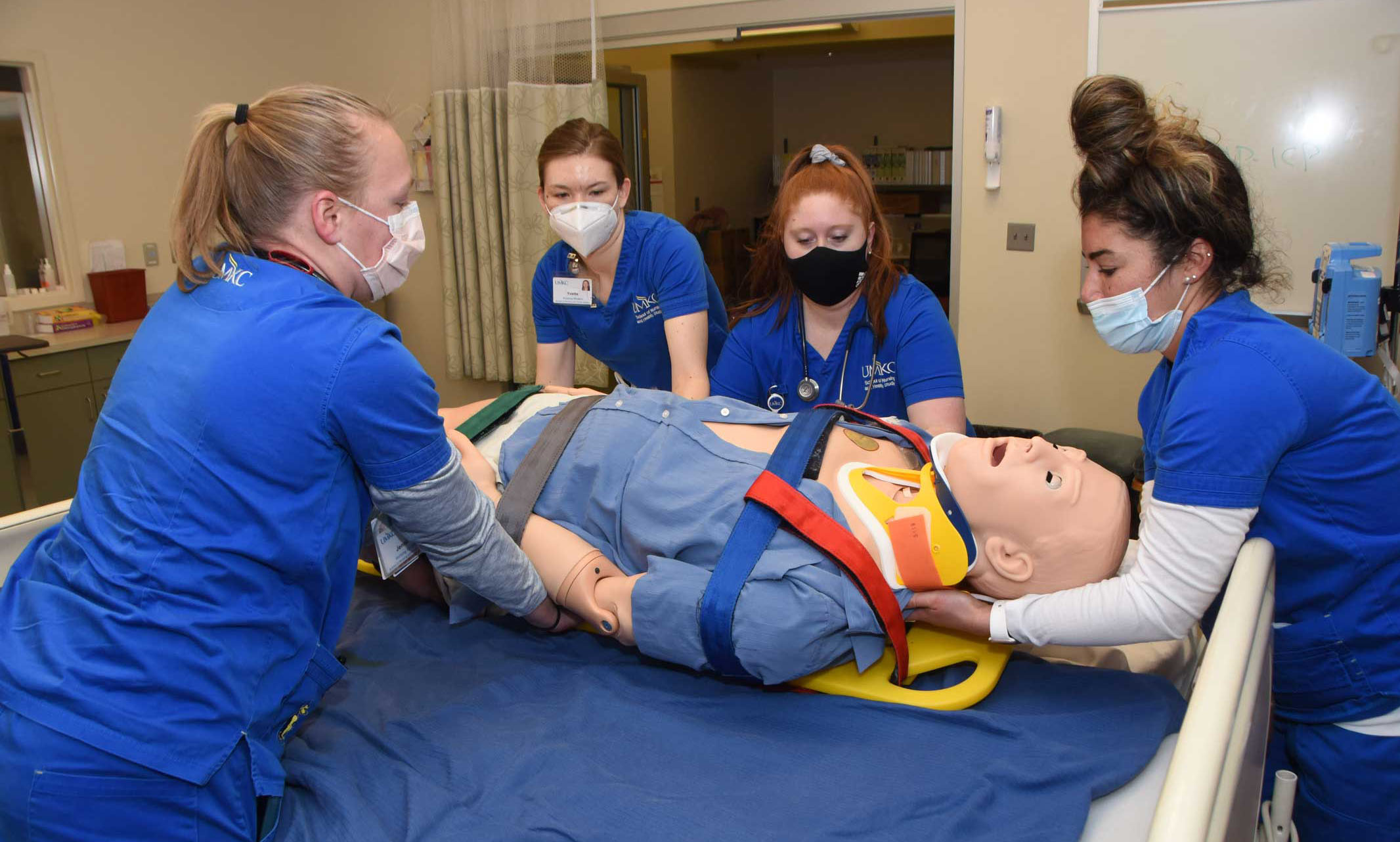
Nursing enrollment and applications increase in response to pandemic
The global pandemic directed a spotlight on many important roles within the health care profession. From contact tracers to frontline nurses to emergency room doctors, COVID has pushed health care careers to the fore front, particularly nursing.
For those in health care higher education, the question is how that attention affects the plans of future college students. Does it ignite an interest in health care or upend prospective students’ best-laid plans?
The answer is taking focus with recent data from the American Association of Colleges of Nursing. Nationally, enrollment is up 5.6% for baccalaureate, master’s and doctoral nursing programs. According to UMKC’s Joy Roberts, the UMKC School of Nursing and Health Studies is seeing a similar trend – but doubled.
“We saw undergrad applications jump by ten percent,” said Roberts, interim dean. “These prospective students were seeing the agony in their communities, in cities, and they wanted to help.”
Further proof for Roberts is the attendance she’s seen at UMKC’s First Semester Experience classes that focus on nursing. The university offers various courses designed for new students to explore the various career paths available at UMKC. Nursing offered two dates of its class, Thrills, Chills and Eeewww! Adventures in Nursing. Both proved popular with new students.
“We’ve had standing room only at our sessions,” said Roberts. “A lot of times, the students had never even thought about it – never even thought about going into nursing – until it was suddenly forced in the public eye because of the pandemic.”
At the UMKC School of Nursing and Health Studies, there are different academic paths to earning a nursing degree, as well as a degree in health sciences with minors in public health and exercise science.
Dec 02, 2021
New student program aims to encourage undergraduate research projects
Most students think research is something done by old men in lab coats, that it’s out of reach as they earn their undergraduate degree. Kimberly Johnson, Ed.D., is looking to change that.
Johnson has been an integral part of the UMKC community for the last twenty years in a variety of roles. Her passion, though, has always been working with and supporting students, particularly students of color. Her new role with Multicultural Student Affairs allows her an opportunity to do just that.
“Emerging Research Scholars is new a program with the UMKC Office of Multicultural Student Affairs that offers high-achieving, historically underrepresented students research projects in their field of study with faculty mentors,” Johnson said. “Scholars will receive academic, social and financial support while becoming integrated into the intellectual climate of the university.”
To utilize resources already available to UMKC students, Johnson reached out to Jane Greer, director of Undergraduate Research, to collaborate on this new student opportunity. Through this collaboration with the Office of Undergraduate Research and Creative Scholarship, students can be matched with a faculty mentor who can best support the student in their chosen field of research. The office was also able to offer work study positions to students in this first Emerging Research Scholars cohort.
“We've always tried to focus on making sure that our different opportunities serve the full range of UMKC students, including students from historically excluded groups,” Greer said. “We were especially excited that Dr. Johnson took on this new role in the Office of Multicultural Student Affairs and is working to create more ways to support these students in terms of getting them involved in research.”
Increasing student interest and involvement in research begins with encouraging them to conduct research in fields that interest them.
“This is not just for medical school, you could be studying arts and sciences, law, whatever field they want to study,” Johnson said. “We're hoping that they can find a faculty member or someone here in the Kansas City community that can help them. We do have some students who are not yet paired with the faculty member because we need more faculty mentors.”
Hannah Leyva, ’24, who just declared her major in Sociology, with an emphasis in Cultural Anthropology and minors in Spanish and Urban Studies, was one such student in this first cohort.
“I was not originally paired with a faculty mentor, and although this caused some uncertainty at first, it really was beneficial,” Leyva said. “As someone who has only recently declared their major, having the opportunity to reach out to professors instead of being automatically paired allowed me to investigate what kind of research I wanted to do. It is also overall helpful, as someone who wants to continue research in graduate school, to gain that experience of taking the initiative to network.”
Earth and Environmental Sciences student Amanda Mercier, ’22, is also thriving with the new connections she has made in the program, both student and faculty.
“Being part of the Emerging Scholar's Research Program this semester was incredibly motivating, insightful and helpful with regards to professionalism and getting involved in research or opportunities provided by the school or community,” Mercier said. “I felt that I constantly had a team of people that had my back and were a great source of information on any subject. I learned that the things that gave me anxiety or I struggled with, I wasn't the only one and didn't feel alone anymore.”
These conversations and the relationships that form from them are exactly what Johnson is hoping for. Her ultimate goal is for Emerging Scholars to gain experiences that will prepare them for graduate school and their future careers.
“Many of these students are just trying to get through their undergrad and are not thinking beyond,” she said. “How do we get our students, particularly students of color, thinking about grad school right now and what they need to do to prepare for it? If you're not prepared for graduate school, how does that help you in the workforce? If they're getting exposed to it, knowing that they can do research as an undergrad, they're more prepared to apply for graduate school.”
This is, of course, a main goal of the Office of Undergraduate Research, and Greer is thrilled that Emerging Scholars allows this connection with students that may not have been made otherwise.
“As the Emerging Scholars Program continues to grow, the future is really bright,” Greer said. “Dr. Johnson’s very astutely providing a lot of social support and structures to help students who may have never had these opportunities presented to them. We serve all students, and undergraduate research is something that every student UMKC should have an opportunity to get involved in.”
Leyva says she’s proud to be among the first cohort of this program and is grateful for the variety of opportunities the program can provide.
“What I found helpful about the Emerging Research Scholars is that there is a support system to help guide you through undergraduate research,” Leyva said. “It is not only your faculty mentor, but Dr. Johnson as well, and professionals who volunteer their time for research/graduate school workshops, and even other students in the program. It really is refreshing to be surrounded by others who understand the importance of diverse representation in research.”
If you are a UMKC faculty member interested in mentoring Emerging Research Scholars, please contact Kimberly Johnson at johnsonkimd@umkc.edu.
Nov 30, 2021
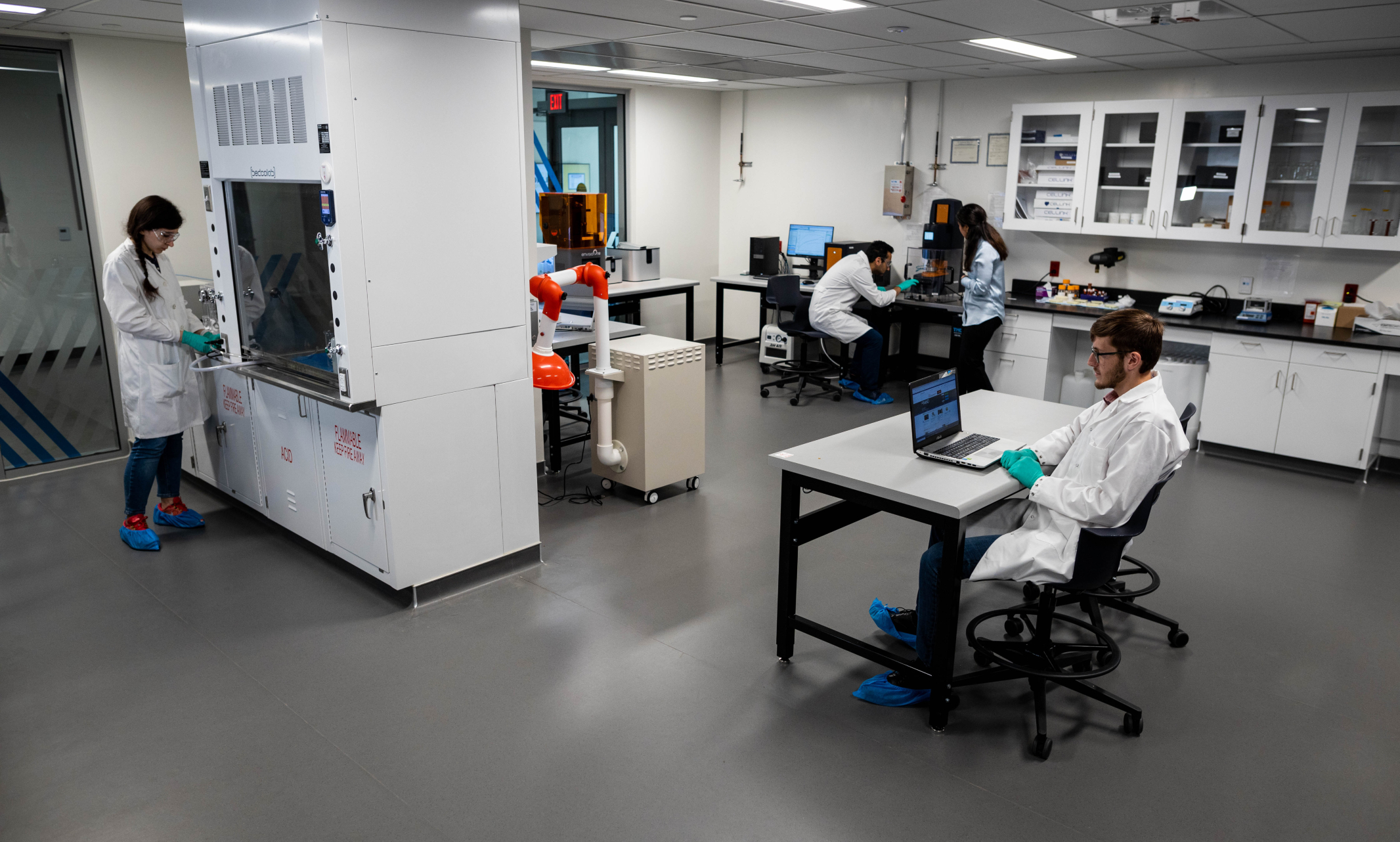
Research ranges from artificial intelligence to app design
In the second half of 2021, faculty from the School of Computing and Engineering have been awarded $906,604 in research funding.
Among those who have received funding is Reza Derakhshani, Ph.D., professor in SCE and head of the university's computational Intelligence and Bio-Identification Technologies Laboratory.
Derakhshani, whose research is primarily focused on eye vein pattern identity verification, was awarded $389,604 from the United States Army for a wearable deep vascular identification system.
Derkhshani is best known for leading the development of a biometric technology that makes the eye the only password needed to secure smartphones and mobile devices. The product, known as Eyeprint, was commercialized by the Kansas City-based startup EyeVerify.
The company was acquired by Ant Financial Services Group in 2016 for a reported $100 million. It maintains its headquarters in Kansas City and has been doing business as ZOLOZ since 2017. Derakhshani acts as the company's chief scientist.
In 2020, he was named a Fellow of the National Academy of Inventors.
Below is a complete list of research funding awarded:
$20,000 to Antonis Stylianou for statistical shape modeling for pediatric knees and ACL injury risk.
$150,000 to ZhiQiang Chen for an augmented reality pilot to demonstrate the flooding risk at 103rd Street in Kansas City, Missouri.
$100,000 to Jejung Lee for the development of GIS-based watershed need classification.
$50,000 to ZhiQiang Chen for HyperGLU: Hyperspectral and Geometric Learning for UAV-enabled plant species identification and localization.
$15,000 to Baek-Young Choi for using artificial intelligence without a data center for reliable wireless sensing and communication for space and extreme environments.
$15,000 to Sejun Song for the education of smart and reliable technologies for a future non-terrestrial network system.
$2,000 to Srvya Chirandas for a budgeting app that will be an outward-facing application that will give customers useful information about their full financial picture.
$55,000 to Amirfarhang Mehidizadeh for identification and understanding of major underlying mechanisms of asphaltene and deposition dynamics.
$389,604 to Reza Derakhshani for DVIS: A wearable deep vascular ID system.
$130,000 to John Kevern for timely and uniform application of curing materials.
Nov 29, 2021
The 2022 Grammy Awards are set to air Jan. 31
The 2022 Grammy nominees have several ties to the UMKC Conservatory. Sandbox Percussion, a quartet comprised of UMKC Conservatory resident faculty members, received two nominations for their album, Seven Pillars. The quartet includes Ian David Rosenbaum, Jonny Allen, Victor Caccese and Terry Sweeney.
2020 Conservatory Alumni Achievement Award recipient Andrés Salguero and his wife, Christina Sanabria, were also nominated for Best Children’s Music Album.
Additionally, professor and pianist Alon Goldstein contributed to a nomination for producer Steven Epstein, whose nomination includes a composition by Goldstein.
KCUR featured KC nominees in a recent piece, which you can read here.
Nov 29, 2021
Area schools struggle with students’ mental health
Marvalee Collins was interviewed by the Kansas City Star for a story titled, Your teen. Their trauma. Kansas City area schools struggle with students’ mental health, which sheds light on how the pandemic has exacerbated mental health concerns in schools, the need for more counselors, and how school counselors are a critical lifeline for children and teens facing mental health challenges.“The role of school counselors has transformed in recent years. They now serve the entire student body, focusing on both prevention and intervention by pinpointing three domains of learning: academic, social-emotional and career,” she said. “Having that mental health professional that is school-based is really critical. The school counselor may be the only mental health professional a student ever worked with”.Marvalee Collins is the coordinator of school counseling and practicum and internship at the UMKC School of Education.
Nov 23, 2021
UMKC law professor Sean O'Brien said that compensation for the exonerated Kevin Strickland is unlikely.
Strickland served nearly 43 years in prison before a judge threw out his conviction. O'Brien spoke with KCUR and the Kansas City Star following the judge's ruling to explain Missouri's laws on compensation for wrongful convictions.
Read his interview with the Star. (Subscription required)
Read his interview with KCUR.
Nov 23, 2021
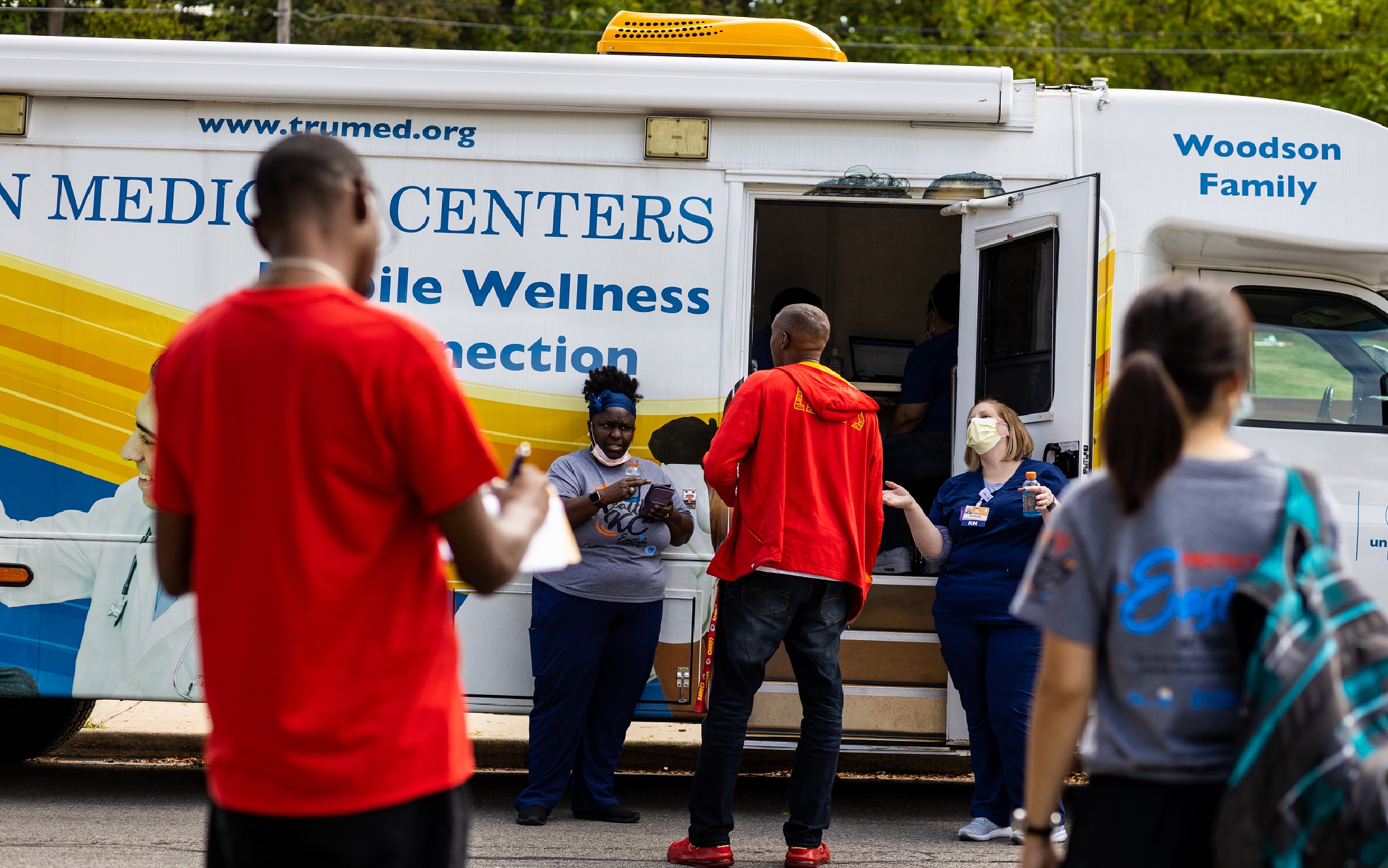
UMKC hosts discussion about facts and perceptions around vaccine hesitancy and availability for people of color
Community health leaders participated in a panel discussion on, “COVID-19, Vaccinations and (MIS)Information in Communities of Color.”
The Nov. 16 discussion was the tenth in the Critical Conversations series of panel discussions addressing systemic racism sponsored by the UMKC Division of Diversity and Inclusion. It was the second of the 2021-22 school year.
The Critical Conversations series is a part of Roos Advocate for Community Change, a campus-wide initiative launched in June 2020, which highlights thoughtful action on campus and in our community to ensure lasting and comprehensive changes. The goal of each Critical Conversation discussion is to enlighten, educate and explore the causes and potential cures for racism. Attendance to the discussions is free.
Panelist for this session included:
Jannette Berkley-Patton, Ph.D., professor, department of biomedical and health informatics, UMKC School of Medicine, and director of the UMKC Health Equity Institute
Liset Olarte, M.D., division of infectious disease, Children’s Mercy Kansas City
Qiana Thomason, M.S.W., president/CEO, Health Forward Foundation
Frank Thompson, interim director of health, Kansas City Health Department
Excerpts of the conversation are below. To view the complete recording of the conversation, click here.
History of mistrust in the health care profession by people of color
Olarte: Mistrust in the healthcare system stems from historical events related to discriminatory practices that have impacted communities of color that may continue to this day. The most known example of unethical experimentation in health care is the Tuskegee syphilis study which lasted 40 years. It ended in the in the 70s, so not that long ago.
This study targeted about 600 black men with and without syphilis, conducted by the U.S. public health service and the Tuskegee Institute. The study examined the natural course of the infection of syphilis in the participants, but they were not informed of the real purpose of the study. And what is more concerning is that once penicillin became the standard of care, the participants were not offered treatment. Syphilis can cause permanent neurological and cardiac damage, and can be potentially life threatening. This experiment has deeply impacted the relationship between the black community and the healthcare system.
Solutions in improving and tracking chronic condition management
Thomason: It's time for us to begin to look at the disparate outcomes that result in health injustices, and it's time for our states - Missouri and Kansas - and our Federal Government to require the use of race, ethnicity and language data, so that we can ensure that we have the full picture. We cannot change what we cannot measure.
Providing healthcare where people are
Thomason: We’ve seen that the best and most promising practices here locally, as well as nationally, focus on connecting underserved communities with health care services through channels that offer proximity and trust, like our faith-based communities.
UMKC role in furthering virus information and vaccination
Thompson: The UMKC group that Jeannette Berkeley-Patton heads, has access to a faith-based network that targets the populations [in Kansas City] that are the most underserved in terms of vaccine access and distribution, and have been the hardest hit in terms of cases. One of the things I’m the most excited about is that the federal grants that allow us to get out and work with community organizations that not only work with COVID awareness, but also around developing their own organizational capacity.
Improving overall health through community connection
Our medical system is set up to treat sick people. When you’re really talking about improving health, you need to talk abut relationships, so we need to think about how we restructure our medical systems. COVID is a really good litmus test. With COVID, more than ever before, we saw health services being pushed into the communities where people live.
Nov 18, 2021
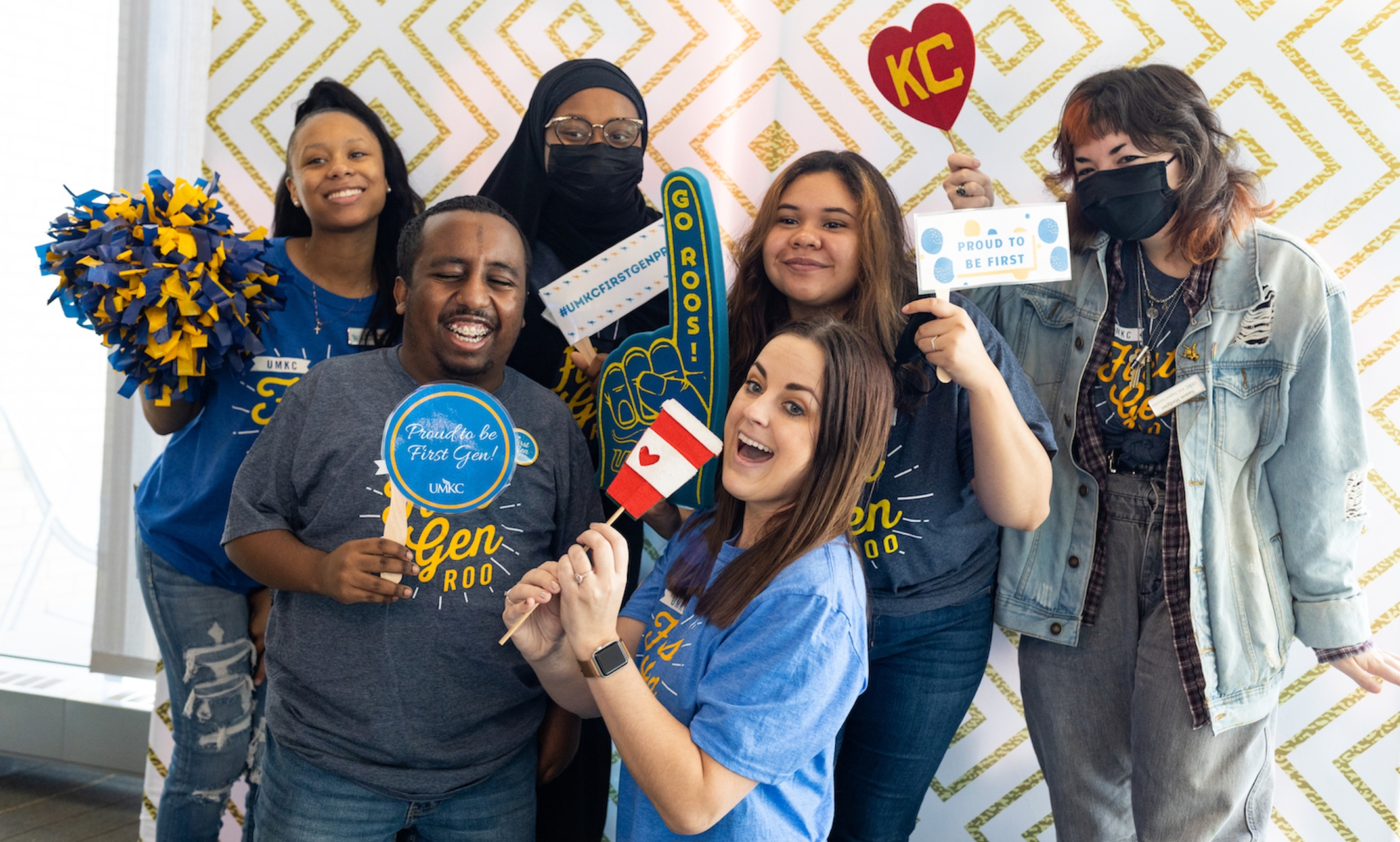
Connections and resources for first-generation students at UMKC
Student voices filled the air as peers and mentors mingled amongst each other with the occasional clash of jumbo Jenga blocks in the background in the Student Union as UMKC’s First Gen Roo Program celebrated the success of its students.
A National First-Generation College Student Celebration took place across the country on Nov. 8 and at UMKC, the activity revolved around the UMKC First Gen Roo Program, an initiative for first-generation students designed to increase student involvement, success and satisfaction and assist in GPA, retention and graduation goals.
The event kicked off with an informational resource fair in the morning, a professional photobooth available throughout the afternoon, an informational session “Networking Like a First Gen Boss” with Nabil Abas and special UMKC alumni guests Shae Perry (B.A. ’19, film and media), Kennedi Glass (B.B.A ’22, marketing), and Victor Michimani (B.B.A. ’21), followed by a discussion on the imposter phenomenon, and wrapped up with an undergraduate research panel.
There were numerous booths set up with First Gen Roo swag, a photobooth with props, caricature artist, peer mentors readily available for questions, and more.
This celebration highlighted the resources of the First Gen Roo Program which, along with First Gen Proud, helps in continuing as a First Gen Forward institution.
Starting college can be difficult for anyone but being the first one in the family to do it is even more frightening. This program is important because it offers the support and assistance that some students might miss out on when they are the first generation to attend college. There is something special about connecting with peers on another level who have been down the same path and can offer useful insight, as well as the bonds and friendships built from those connections.
Within the First Gen Roo program, students receive help navigating campus and becoming more involved, working with technology, and refining skills for academic preparation like time management and study skills, as well as social preparation such as decision-making, financial literacy, and other strategies for student success. Students are provided with many resources and opportunities like early move-in, resource workshops, and one-on-one meetings—all before the semester even begins. Once the semester has started, students can expect to have a peer-mentor available for additional support along the way.
In addition to being surrounded by peers in a similar situation, the program provides trained and dedicated mentors that are eager to help every step of the way. UMKC has a long-term commitment to discovering ways to break down barriers and assist first-generation students’ success here on campus and out in the community after graduation.
Jailyn Polk, freshman, criminal justice and criminology, said her favorite part of the program has been making friends before the semester started and how helpful it’s been meeting new people and building those bonds.
Program Coordinator Megan Elsen, who’s worked with first-generation students since 2009, says it’s vital to build a strong community of students and staff that focuses on social and emotional supports in college to create a safe space for those whose parents do not have the direct experience of navigating college.
"It's important for first-gen students to feel a part of the university just as much as other students. They need to feel like they belong," she says.
And as the program offers a place for students to connect with others and become more confident in themselves, their studies, and their overall college experience.
Nabil Abas, senior, communication studies, says that’s definitely been his experience. He reached out as a first-gen student and now he’s one of the support program specialists (mentors) with the program. “Tap into people who want to see you fly—who really care about you,’’ he says.
"You just have to find what works for you, and for me, it's First Gen Roos."
Nov 17, 2021
The Tenant Representation Initiative team estimates they have successfully settled up to 85 percent of their cases
When the federal eviction moratorium for COVID-19 expired in August, many renters found themselves in need of legal representation. The Truman Fellows, sponsored by UMKC, started the Tenant Representation Initiative to help. Brian Larios, UMKC School of Law adjunct clinical professor and managing attorney for Tenant Representation Initiative, recently spoke with KCUR about the program. Listen online.
Nov 15, 2021
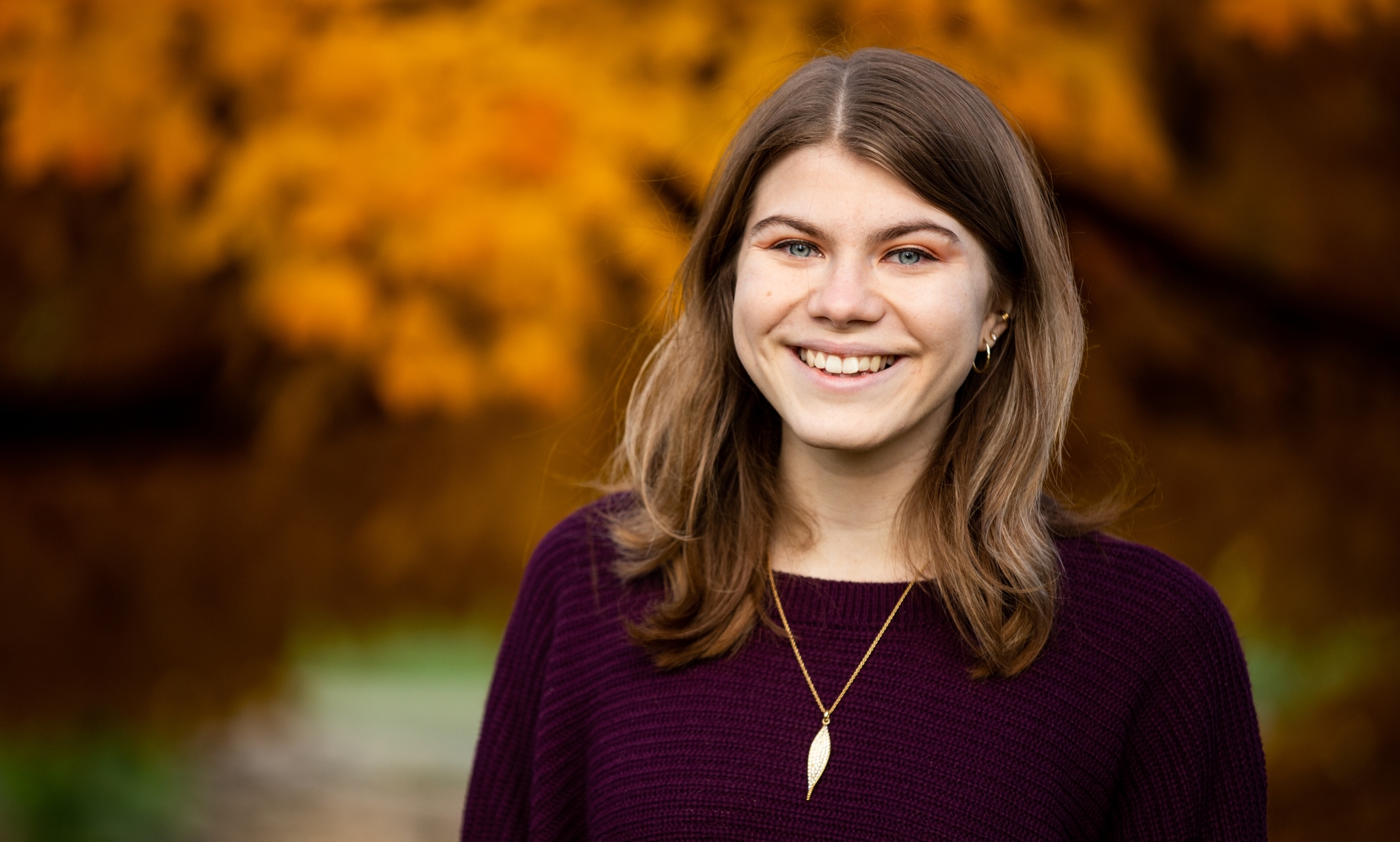
Six-year M.D. program provides opportunity to learn while serving the community
Our ongoing story starts with people from around the world, converging here at UMKC. Get to know our people and you’ll know what UMKC is all about.
Demi Elrod Anticipated Graduation: 2026Academic program: B.A./M.D. School of MedicineHometown: St. Louis, Missouri
Demi Elrod wants to be a doctor so she can help people, and she chose UMKC so she could streamline her education through the six year B.A/M.D. program. While she recognizes the challenges – the level of intensity and the fast-paced nature of the program – she likes that she will be finished in six years instead of eight. The accelerated program has helped Elrod improve the way she works and make meaningful connections.
“The course load has taught me a lot about how to prioritize my tasks and manage my time,” she says. “And another advantage is the mentoring that is available. Throughout the program I will receive guidance and counseling by my docent, who is a doctor within the School of Medicine.”
Since entering college, Elrod has discovered that she is interested in infectious disease and microbiology.
“Since the pandemic began, I have learned a lot about COVID-19 and the vaccine in my classes and during my experiences as a volunteer vaccinator,” she says. "These experiences and lessons have shown me how interesting infectious disease is, and how I can serve my community to aid in the pandemic.”
Elrod has participated vaccination events in underserved communities in conjunction with Our Healthy Eastside Kansas City (OHKCE), a community wide initiative that promotes and delivers COVID-19 vaccinations and other health services to residents on the east side of Kansas City. While the events are geared toward providing COVID-19 vaccinations and information related to the virus, they also offer other health services such as pre-diabetic and blood pressure screenings.
She says working at the vaccination events has been an unforgettable experience that’s helped solidify her choice to practice medicine.
“It’s shown me a lot about how important medicine is, and how important it is to bridge the gap between community and medical services. The message of OHEKC is, ‘You don’t have to come to us – we can come to you to help.’ Getting that message out builds trust between the community and health care providers.”
Elrod says attending medical school and the experiences it has provided have inspired her to be intellectually curious about the world around her.
“Over the past year and a half, I have learned so much about the world of science and medicine. I cannot wait to learn even more in the upcoming years.”
Nov 15, 2021
KSHB reports some pharmacies are adjusting hours due to a shortage of pharmacy technicians
Sarah Oprinovich is a pharmacist and a professor the the UMKC School of Pharmacy. She said that staffing shortages may mean patients will wait longer for their prescriptions. Read more.
Nov 12, 2021
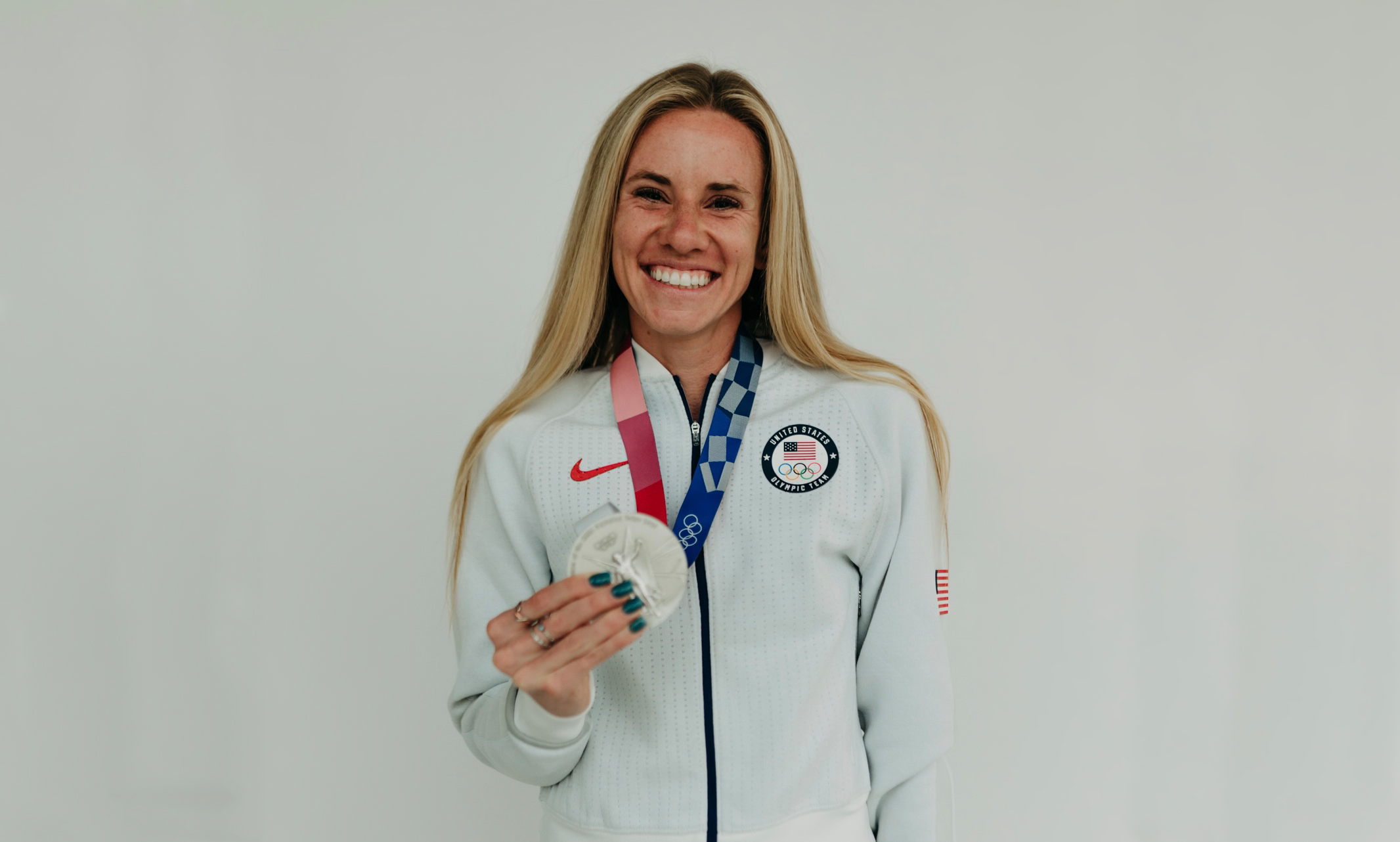
Track and Field superstar Courtney Frerichs will welcome Class of ’21 to join her in ranks of UMKC alumni
Olympic silver medalist and UMKC alumna Courtney Frerichs (B.A. ’15) will speak at the “Roos in the City” commencement celebration for the Class of 2021 at the T-Mobile Center.
The mid-year commencement will take place Sunday, Dec. 19 at 3 p.m. at Kansas City’s downtown arena. There will be a single ceremony for all academic units. More than 1,000 graduates are expected to participate.
Anyone who would like to submit messages of congratulations to our graduates can do so using this online form.
Frerichs raced to a silver medal at the Tokyo 2020 Olympic Games in the 3000-meter steeplechase. During her athletic career at UMKC, the native of Nixa, Missouri, was an 11-time conference champion, five-time All-American and set seven school records that she still holds. She graduated summa cum laude from UMKC in 2015 with a bachelor of arts in chemistry.
Upon completing her NCAA eligibility, she signed a professional contract with Nike and joined the Bowerman Track Club. She has competed professionally for the last five years, during which she has made two Olympic teams (2016, 2020), three World Championship teams and won a silver medal at the 2017 World Championships. After the 2020 Olympics, she reset her American record in the event, becoming the first American woman to break the nine-minute barrier.
She currently lives in Beaverton, Oregon and is married to fellow Roo Griffin Humphreys (B.B.A. ’16). She trains full-time while also pursuing a master of science in nutrition at Auburn University.
Nov 12, 2021
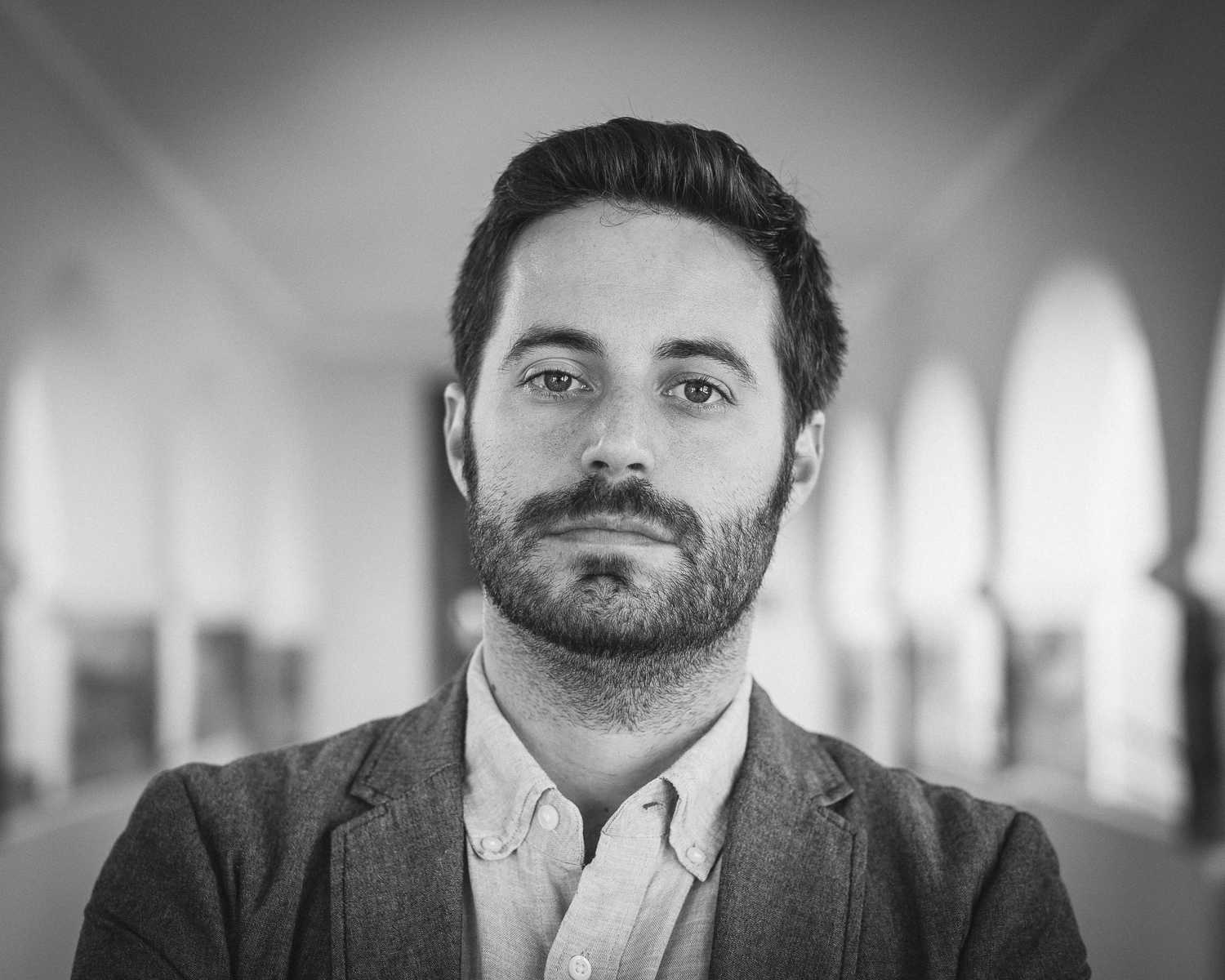
Garrard Conley shares life story of overcoming the trauma of conversion therapy
New York Times Best Selling author Garrard Conley shared his story of surviving conversion therapy during the 15th annual UMKC Pride Lecture on November 9.
The lecture, presented by the UMKC Division of Diversity and Inclusion, covered his journey of removing from the trauma of conversion therapy and how to meet hate with compassion.
In his memoir Boy Erased, Conley recounts his childhood in a fundamentalist Arkansas family that enrolled him in conversion therapy during his college years. The book was later adapted into a film by the same name in 2018. It featured Nicole Kidman, Russell Crow and Lucas Hedges, who was nominated for a Golden Globe in his role based on Conley.
Conley is now an activist and speaker, lecturing at schools and ventures across the country on radical compassion, writing through trauma and growing up gay in the South. He also works with other activists to help end conversion therapy in the United States and abroad.
Below are some highlights from his presentation, delivered live over Zoom:
Please note: This lecture features content that some may find upsetting- including mention of sexual assault.
Life growing up
Conley grew up in a small town of roughly 100 in the Mississippi Delta region of Arkansas. Every aspect of his life revolved around the local Missionary Baptist Church, he said.
"All of our gathering, pot-lucks, you name it, was all taking place there. We didn't even have a general store, that was our whole world," Conley said. "The way these people thought, was the way that we thought because that's really the social glue that held our lives together."
Through his church, Conley said he had beliefs instilled into him that included the idea that women were not permitted to hold positions of power and that marriage was strictly between a man and a woman.
As he was entering his teen years, Conley began to question his own sexuality, right around the time Matthew Shepard was murdered. Shepard was a student at the University of Wyoming who was beaten, tortured and left for dead on a fence post — many believe because he was gay. His death sparked conversations nationwide about what it meant to be gay in the United States.
"I was thinking to myself, 'I don't know exactly what I am, but I don't feel comfortable with any of this.' My parents had no idea that I was gay, but if they had known they would have been sacred out of their minds that would have been me tied to the fence post," Conley said.
Conversion therapy
While in college, Conley confided in his roommate, a friend from high school, that he was questioning his sexuality. Conley's roommate responded by sexually assaulting him and confessing that he sexually assaulted another young boy at a church camp.
Conley reported his roommate to his school's administration. His roommate sought revenge on Conley by outing him to his family.
"My dad gave me an ultimatum that if I didn't go to conversion therapy, that I wouldn't see my mom or my dad again, I wouldn't continue my education and I wouldn't be allowed to step foot into the house again," Conley said.
Conley then began attending a six-month period of Bible-centered therapy sessions every weekend, which culminated in a two-week conversion therapy camp that left him suicidal.
When he first began thinking about writing a book on his life experiences, Conley said he had to face some hard questions about his journey and his relationship with his family.
"When you are writing a memoir you have to think in terms of the big picture. The question I kept coming back to was, what really brought our family to the doors of (conversion therapy)?" Conley said. "What brought a loving family to this place? What brought my mom and dad to make that decision, and most importantly, why did I agree to go? I struggled with these questions for years."
Changing minds
Conley said he hopes his work has an impact on the fact that people can choose to live a more compassionate life.
"I realize that in 2021 that can often sound naive. It seems like everyone is yelling at each other and there is no understanding and no real desire to actually speak the truth to people. But in my life, what I have seen, that is not always true," Conley said.
Every person can instill compassion into others through the art of communication, Conley said, and by sharing his story he hopes to show others that change is possible.
"People can actually change, not that they can change their sexuality because they can't, but they can change how they feel about other people and they can grow and become more compassionate," Conley said.
Nov 10, 2021
Ken Novak said cities need a portfolio of strategies
Novak is currently a Professor of Criminal Justice and Criminology. Read his interview with the Kansas City Star here. (Subscription required)
Nov 10, 2021
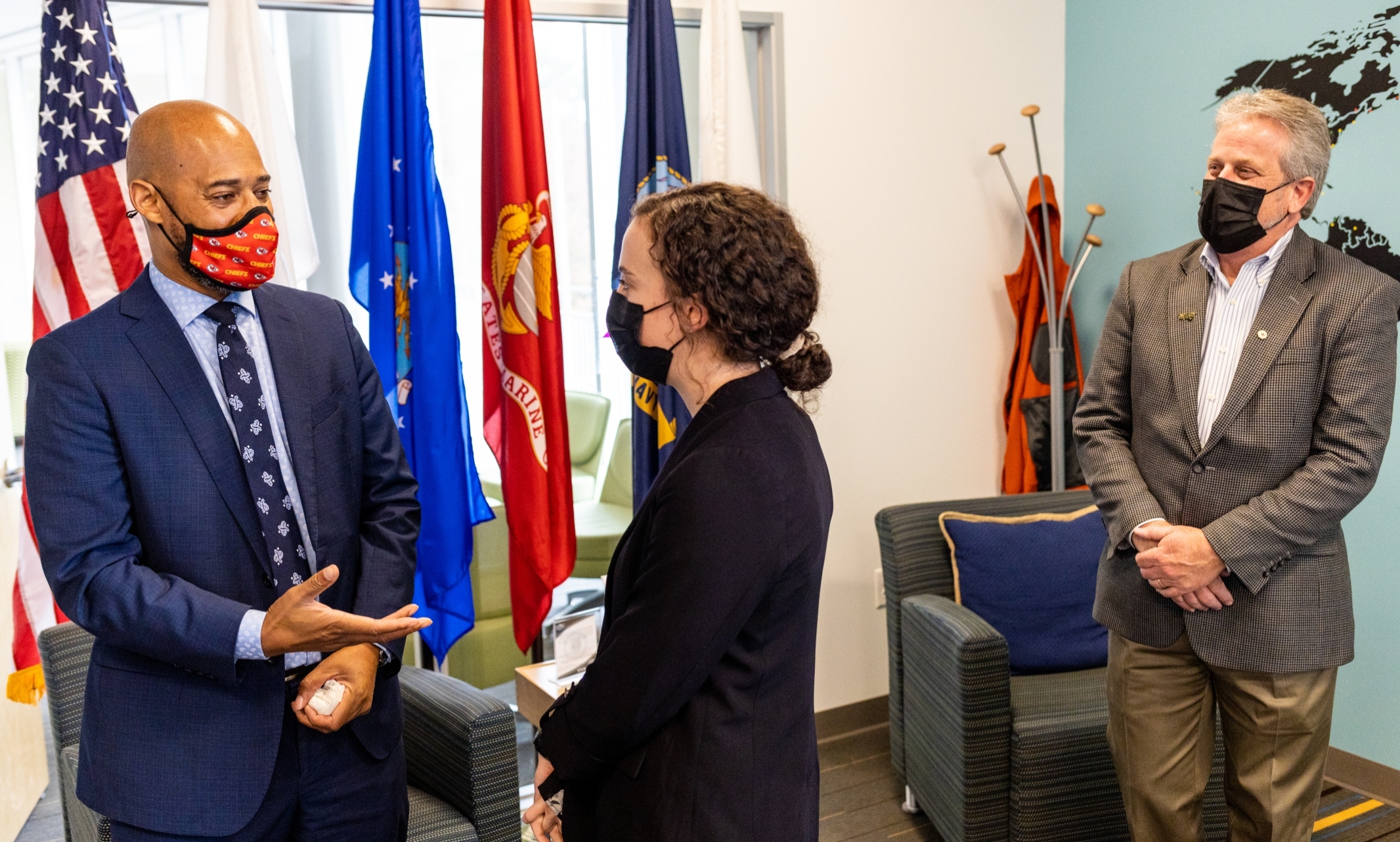
Couple honors their late son through education support for veterans
The Spencer C. Duncan Make It Count Foundation donated $10,000 to the Spencer C. Duncan Make It Count Fund at the University of Missouri-Kansas City to further educational opportunities for United States veterans.
Spencer C. Duncan, a U.S. Army Reserve door gunner, died in combat in the largest single-incident loss of U.S. lives in Operation Enduring Freedom in Afghanistan. While his family was grieving, they decided the best way to honor Spencer, an Olathe, Kansas native, was to help other servicemen and women.
“Our family really wanted to shut other people out and grieve,” Dale Duncan, Spencer’s father and chairman of the board of the Spencer C. Duncan Make It Count Foundation says. “But we knew that our son wouldn’t have wanted that.”
Following Spencer’s death, a family friend recommended organizing a 5K run in his honor. His family decided this would be a great way to honor Spencer and help others. The event raised $20,000 that year and has raised more than $900,000 in its ten year history.
"These student veterans receive more than just money towards their expenses. It also shows that UMKC has community partners who support the student veteran population and want to see them succeed.” — Eric Gormly
Jason Parson, BA ’99, president and CEO of Parson & Associates, LLC, and a veteran who served in Iraq, is president of the board of the Make it Count Foundation.
“I joined the military when I was 17 years old,” Parson says. “It was the greatest decision I ever made. It’s been the foundation of all my success. I hope we can continue to grow this partnership and help more veterans earn their degrees.”
Shelby Manning, who is currently pursuing her master’s in business administration and has plans for law school; and AJ Sharif, a first-generation student determined to get his master’s in business administration; are two UMKC student veterans who have received scholarship support through the Make It Count Foundation.
Eric Gormly, assistant director of Veteran Student Support Services notes that this support makes a significant difference.
“These generous gifts can help reduce some of the stress a student veteran may be having and allow them to focus more on their schoolwork rather than how they are going to afford books. But these student veterans receive more than just money towards their expenses,” Gormly says. “It also shows that UMKC has community partners who support the student veteran population and want to see them succeed.”
Nov 10, 2021
William Black suggests people buy gifts early
Black, an associate professor in economics, said supply chain shortages and delays will make the typically busy holiday shopping season even tougher this year. Read more.
Nov 08, 2021
Emily Wesley was recently in The Kansas City Business Journal
Wesley lost both her parents to health complications at a young age. Inspired by one of her father's doctors, she now studies Biology and works in a research lab at the Stowers Intitute. She also founded a peer mentoring group on campus. Read more.
Nov 08, 2021
Beth Vonnahme, Ph.D. helped put the increased turnout and election results into perspective
Vonnahme attributed the increase in turnout to a variety of factors. Read more
Nov 08, 2021
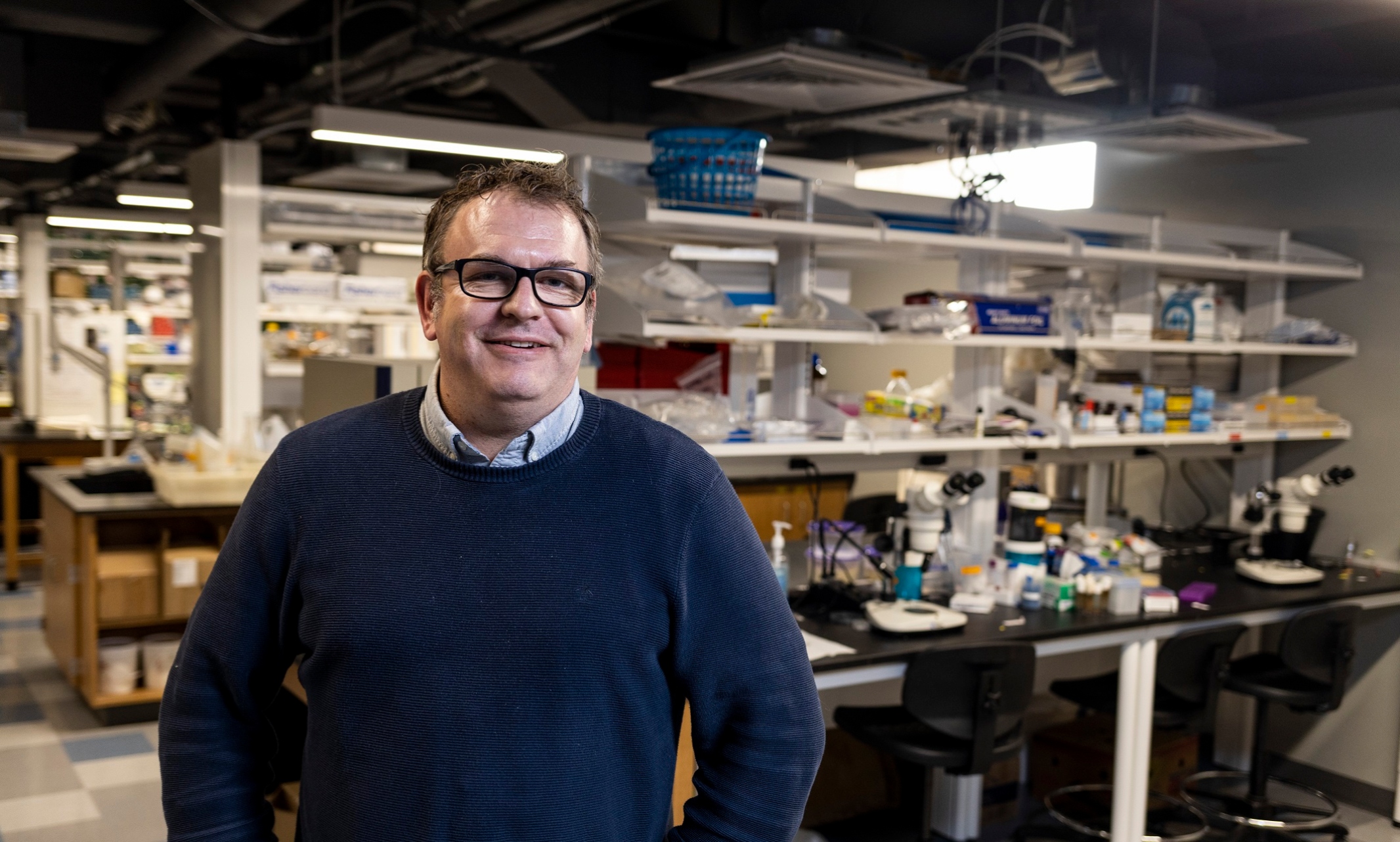
Successful research on flies furthers advances for humans
Stephane Dissel, Ph.D. fell in love with biological research as an undergraduate in his home country of France thanks to his natural curiosity, his love of the lab and a little luck. His interest in the connection between Alzheimer’s disease and sleep came later.
During his undergraduate studies, Dissel focused on immune response using flies. His current research studies the effect of sleep on flies’ brains and the ability to manipulate the expression of specific genes to affect memory. Sleep ensures that everything gets connected in the right way Dissel says.
“Every animal on the planet has to sleep.” Dissel says. “Depriving people of sleep has been used as a method of torture,” he says. “People start by losing their sanity, but eventually they could die. It’s essential. Every species, every animal sleeps.”
Dissel says sleep is important for the development and the wiring of the brain.
“It helps ensure everything works properly. Even in the animal kingdom, babies sleep more in early life. But as people age, they tend to sleep less, and their sleep is less efficient.”
“The question is, are these people developing Alzheimer’s because they have sleep problems, or do sleep problems increase with Alzheimer’s?” — Stephane Dissel
Dissel notes that it’s common for people in their 40s and 50s to start sleeping less and less. Sleep during this time becomes less deep, which makes it more likely that people will wake up in the night. He says that most neurodegenerative diseases come with a sleep deficit component.
“The question is, are these people developing Alzheimer’s because they have sleep problems, or do sleep problems increase with Alzheimer’s?” Dissel says. “This is still up for debate. But what I know for sure is that if you can improve the quality of sleep, you can delay or diminish the onset of severe Alzheimer’s.”
He says flies are critical to his research because their brains allow for precise, targeted manipulation. The way that humans sleep, and flies sleep are obviously different, but there are commonalities that allow the research to apply to human conditions.
“At the end of the day it’s about healthy memory– or plasticity. We are trying to understand which neurons in the brain are underlying the benefits of sleep on plasticity. If we can identify the important cells, we can manipulate, activate or silence them. “
While there is no “cure” for Alzheimer’s on the horizon, Dissel is heartened that there is a lot of funding available for this research. He also notes that there is good news.
“We know from our research that, in a fly that has a genetic mutation that leads to memory impairment, making sleep more efficient enables the brain to find an alternative way to bypass that mutation and restore memory.”
“It’s never quick enough, but little by little we will find a way to prevent the disease.”
He says the means of inducing sleep are less relevant than the sleep itself.
“We can increase the quality of sleep in different ways. We can activate specific neurons in the fly brain which we know are sleep inducing. We’ve also used drugs for pharmaceutical activation, and it leads to the same conclusion. No matter how you do it, increasing sleep in flies makes memory better.”
He notes that part of the challenge with Alzheimer’s disease is that it is complex and controlled by genetic, environmental and lifestyle factors.
“You can’t pinpoint a single gene that triggers the disease. In some cases, there are multiple gene mutations, which can lead to increased risk. There are so many possible causes that lead to this disease, it’s very difficult to find a treatment strategy that is applicable to everyone.”
Still, he is confident in the progress that is being made, though it’s often in incremental steps.
“It’s never quick enough, but little by little we will find a way to prevent the disease. Even if we cannot cure it now, I’d consider it progress if we can delay onset, lessen the severity or improve the quality of life. I’m much more optimistic about this right now because I know it’s doable.”
Nov 05, 2021
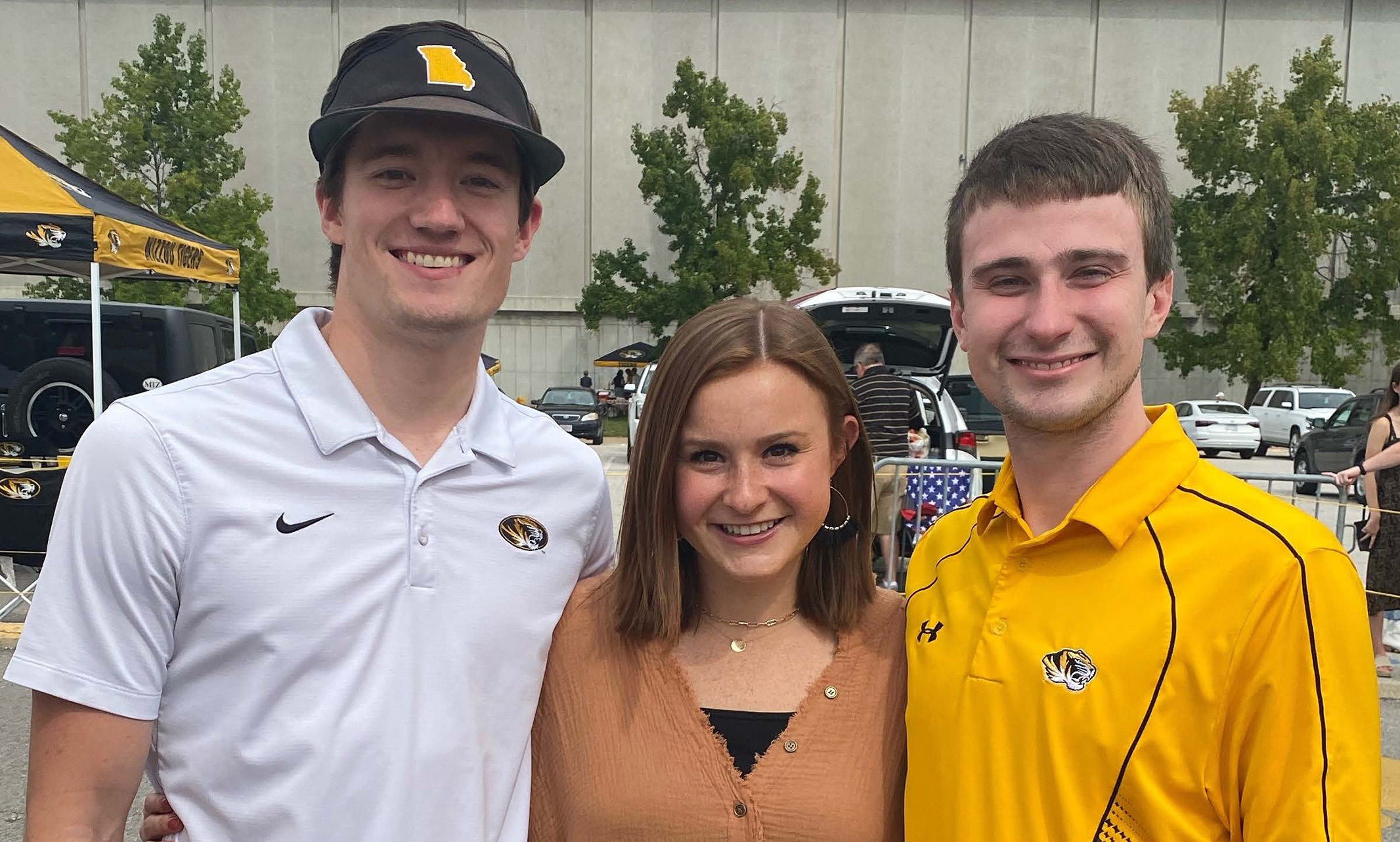
Run to the Clinical Pharmacy Challenge final four follows UMKC’s 2020 national championship
UMKC School of Pharmacy students Zach Carroll, Allison Baker and Austin Dockins have a certain chemistry with one another. After all, they’ve been together since what seems like forever.
It’s a connection that helped them make it all the way to the semifinal round of this year’s national Clinical Pharmacy Challenge sponsored by the American College of Clinical Pharmacy.
“The three of us have been friends since elementary school so it has been fun to see how much we’ve learned over the years together,” Baker said.
They met as third graders at Mill Creek Elementary School in Columbia, Missouri. They graduated together from Columbia’s Rock Bridge High School. The three fourth-year pharmacy students even discovered a common interest working at the same local pharmacy while completing their undergraduate degrees.
“All of us enjoyed working there and we individually decided to apply to pharmacy school,” Dockins said.
It wasn’t until after each had submitted their applications to attend UMKC’s School of Pharmacy at the University of Missouri’s Columbia campus, that the trio realized they would be continuing their college careers together while following similar career aspirations.
“We didn’t talk about applying to pharmacy school until after we all had submitted applications,” Dockins said. “We were all a little surprised that each of us had made the decision to apply, but we were excited to take on the adventure together.”
Earlier this year, that journey culminated with the three battling their way to the national semifinals of the annual AACP Clinical Pharmacy Challenge.
The competition pits three-person teams from pharmacy schools and colleges against one another in a quiz bowl–type format. It began in September with more than 90 teams from across the United States. Each round of the competition consisted of trivia/lightning, clinical case and Jeopardy-style segments with questions prepared by expert clinical pharmacy practitioners and educators.
“It’s been great to work together as a team,” Baker said. “Throughout school, most assessments are individual, so this has been a neat opportunity to collectively think through questions, use each other as resources and pull from our unique rotation experiences to answer questions.”
The UMKC team successfully navigated the first five rounds to reach the national semifinals before being eliminated from the competition. The trio credited their UMKC pharmacy professors for their preparation, both the competition as well as their future careers as pharmacists.
“Competing against intelligent students from prestigious universities across the country was a really neat opportunity,” Dockins said. “We feel very accomplished and proud that we were able to make it to the top four.”
Dockins said that he, Carroll and Baker have participated in team competitions as an opportunity to reinforce how much they’ve learned throughout pharmacy school.
“We really just compete to see how well we will do,” he said. “We don’t have huge expectations when entering, although each one of us has a bit of a competitive spirit. We know that each one of us brings something different to the table and we know each other so well that it’s easy to communicate during these competitions.”
Their sprint to the final four is the continuation of what is a growing legacy of excellence for the UMKC School of Pharmacy on the national stage. Last year, the UMKC team of Jamie Sullivan, Kathryn Rechenberg and Brooke Jacobson won the Clinical Pharmacy Challenge national championship.
Nov 04, 2021
Over the next year, Kansas City, Missouri, will study the effectiveness of three pilot programs designed to repair sidewalks.
The city, along with partners at the University of Missouri-Kansas City Department of Civil and Mechanical Engineering, Gunter Construction and Rubberway, will study how a rubber sidewalk near East 41st Street and Kenwood Avenue holds up in the snow, ice, rain and to heavy foot traffic. Learn more
Nov 03, 2021
Dr. Mary Anne Jackson has been studying infectious diseases for more than three decades.
The Kansas City Business Journal recently highlighted Dr. Jackson for her role in the COVID-19 pandemic response for the state of Missouri and the University of Missouri - Kansas City. The article also showed the impact that the UMKC School of Medicine has had on rural health in Missouri, teaching future doctors about social determinants of health and its recent ranking among the top Primary Care residencies on U.S. News and World Report’s Best Graduate Schools list. Read more
Nov 03, 2021
The U.S. Department of Education’s Trio program is designed to provide services for students from disadvantaged backgrounds.
The University of Missouri-Kansas City found that 40% of students in the state’s largest university system have no immediate relatives who went to college. Read the article
Nov 03, 2021
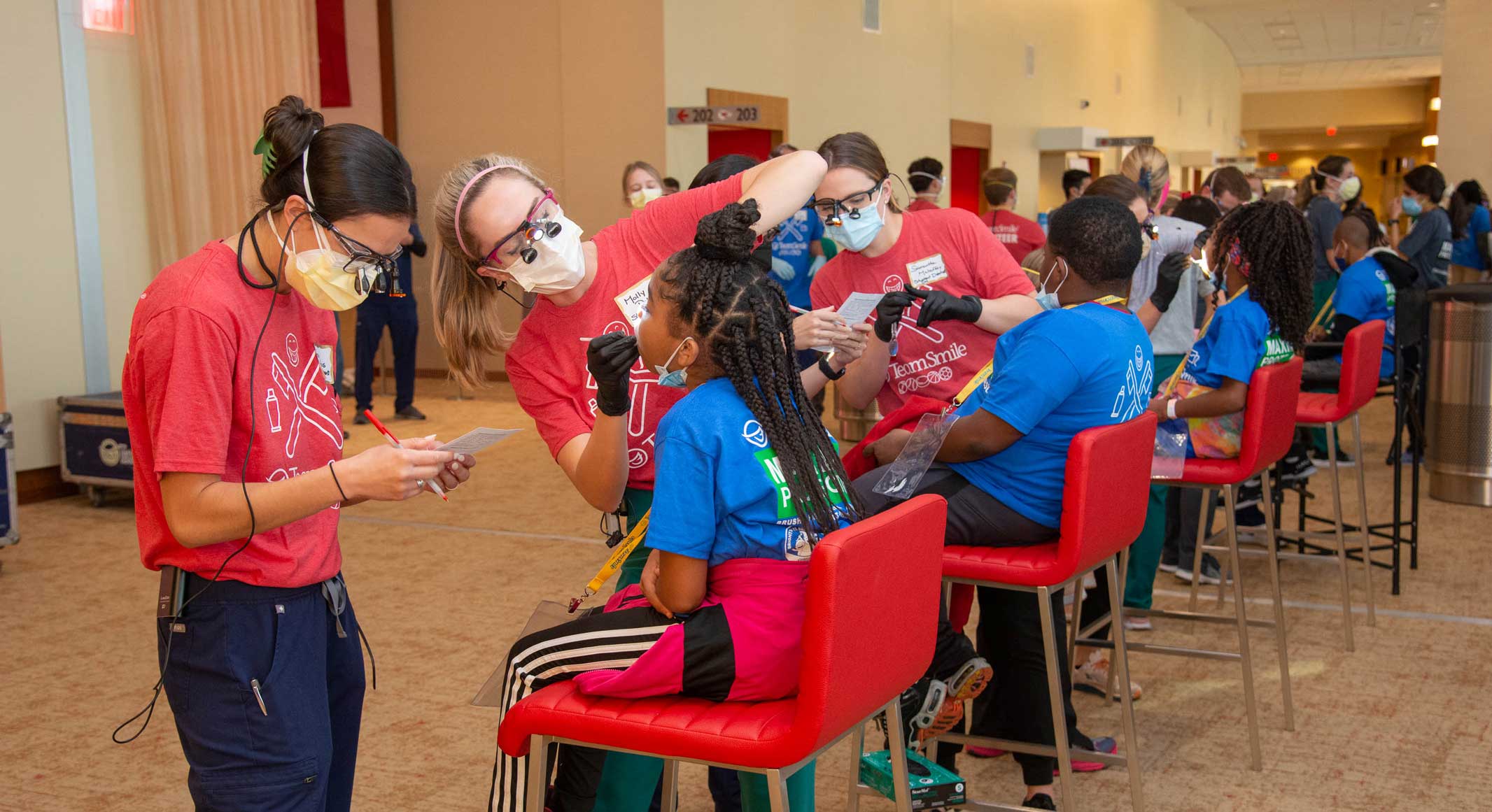
School of Dentistry, TeamSmile, United Way and Chiefs make a great team
Pearly whites were plentiful as well as Chiefs red at the TeamSmile event at Arrowhead Stadium on Oct. 26. Students from the UMKC School of Dentistry volunteered at the event, delivering much-needed dental care to 200 local elementary students.
Sponsored by the United Way, more than 40 students and faculty from UMKC participated, providing initial dental screenings, X-rays and recommendations for what care the kids would need that day. Each year, dentistry and dental hygiene students participate in three TeamSmile events: at the Kansas City Chiefs, Royals and Sporting KC.
Started in Kansas City, TeamSmile is a national advocacy group that works with professional and college sports teams to provide children in need with a life-changing dental experience. For those youngsters who may have a fear of the dentist, seeing their favorite athletes can help put them at ease. The friendly faces of UMKC students help, as well.
Since the organization’s inception in 2007, UMKC School of Dentistry students and faculty have volunteered their time with TeamSmile. The organization provides comprehensive care to the children who participate, from preventive care such as fluoride treatments and cleaning to extractions and root canals.
“We’re incredibly proud to have been involved with TeamSmile for over a decade,” said Becky Smith, one of the faculty members who accompanied the students at the event. “It gives our students the opportunity to hone their skills, provide dental care to some of our youngest citizens of Kansas City, and help instill the importance of volunteerism going forward.”
Nov 03, 2021
The Latinx Education Collaborative teamed up with researchers from the Urban Education Research Center (UERC) to generate a “landscape analysis” of...
UERC is a research and evaluation center within the University of Missouri-Kansas City School of Education. Read the story
Nov 03, 2021
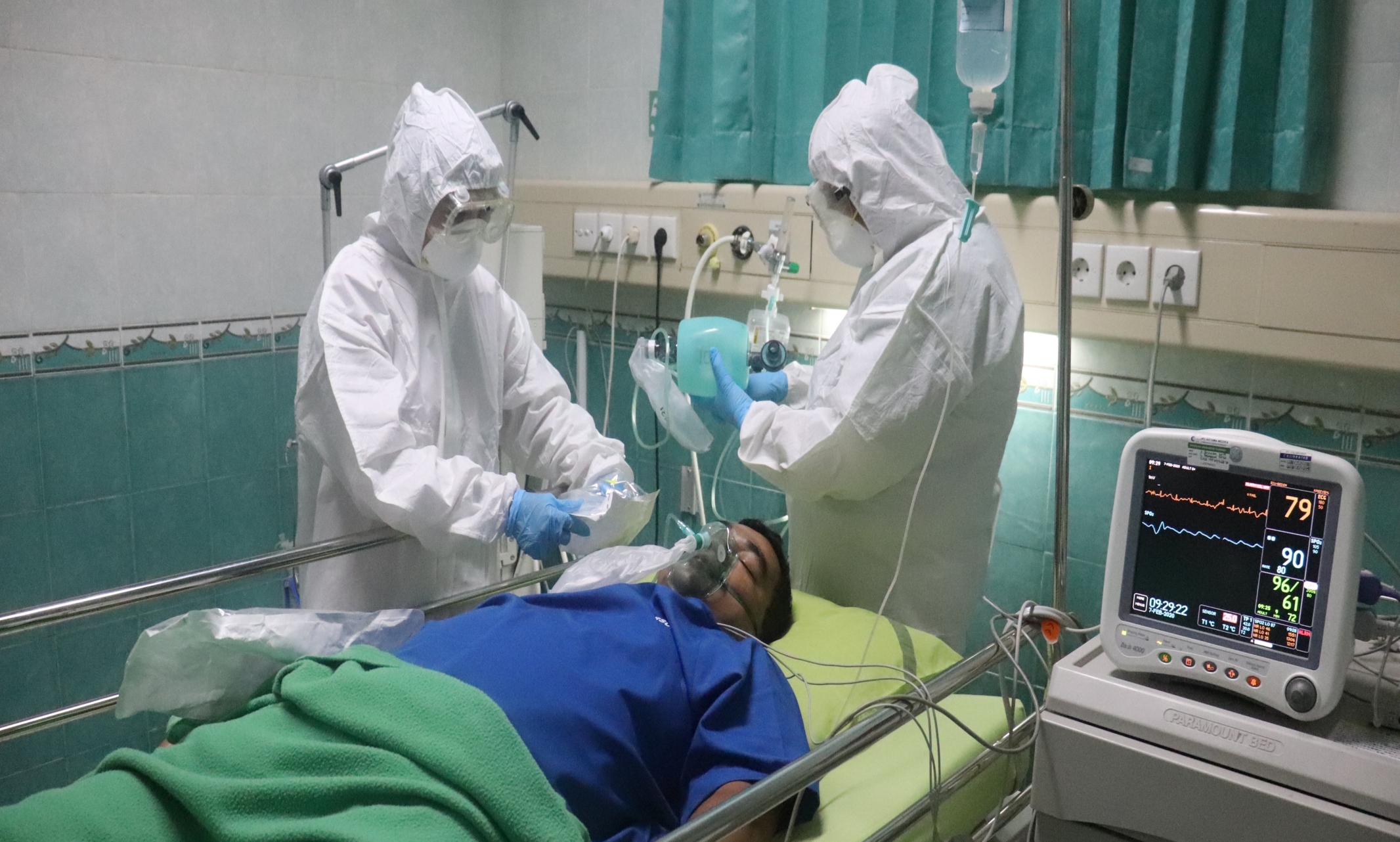
Bloch assistant professor Karen Landay recently led a study to see how passion helps fight stress and burnout amid COVID-19
Assistant professor Karen Landay, Ph.D., has always been fascinated by the connection between work and passion. Inspired by her first career as a violinist, the assistant professor of management at the Henry W. Bloch School of Management now focuses her research on work passion.
“That’s really stuck with me, this idea of passion as a really important part of our work and as this force that helps us get out of bed in the morning and go and do what we do,” she said. So, when the COVID-19 pandemic threw health care workers into some of their most challenging circumstances ever, she was curious if passion helped them avoid stress and burnout during the darkest of days. Landay said she was particularly interested in the effects of two different types of passion, harmonious and obsessive. Harmonious passion, Landay explained, is a voluntary passion that is under our control and stems from a love of a job. Obsessive passion is involuntary passion that can be all-consuming and uncontrollable. Landay said the latter form of passion can stem from pressures like workaholism or expectations from loved ones.“Harmonious passion is generally a good thing that leads to other good things. Obsessive passion is a lot more mixed. It’s not always bad, but it’s not universally positive like harmonious passion,” Landay explained. Landay enlisted the help of a professor at another university and her Bloch School graduate assistant, Allen King. From November 2020 to January 2021, the team sent a series of surveys to dozens of nurses across the United States. They asked them about their jobs, the level of passion they have, what was behind their passion and questions to gauge their stress level at various points throughout the pandemic. Landay expected to find that nurses who had harmonious passion would have decreased levels of stress and burnout, while nurses who had obsessive passion would experience increases. Instead, she found that nurses who were passionate about their work had less stress and burnout regardless of the type of passion they had. Landay said her team believes that timing may have played a role. When the surveys were conducted, vaccines were only recently becoming available and nurses had endured month after month of extraordinary circumstances with no end in sight.“It’s possible had we conducted our study six months later, perhaps we would have found those different results for those different types of passion,” said Landay. That is exactly what her team hopes to find out in a follow up study that is kicking off soon. This time, the surveys will also include many other types of first responders in addition to nurses including doctors, firefighters, police officers and EMTs. They hope to have a large enough sample to separate the nurse data out, compare it to the 2020 data and see how things have changed since last year.In the meantime, Landay said her findings can be a valuable tool for health care employers as they look for ways to support an overburdened, pandemic-weary workforce. “It’s not expensive. You can have small support groups, things like that. Encourage people to talk about it, but it’s not like you’re having to buy equipment or those kinds of things. So it’s kind of the best of both worlds. It could be a fairly cost-effective solution that could have a big impact,” said Landay. “These are some really intriguing preliminary findings. We’re excited to pursue this and see where it goes and hopefully be able to make a difference for some people.”
Nov 02, 2021
Providence Medical Center recently added Certified Nurse Midwife Emily Fox, MSN, APRN, CNM, to its healthcare team.
Fox received her Bachelor of Science in Nursing from the University of Missouri – Kansas City and Master of Science in Nursing with an emphasis in nurse midwifery at Frontier Nursing University, Versailles, Kentucky. She is board-certified by the American Midwifery Certification Board. Read more
Nov 01, 2021
Students getting $218 million from $496 million in federal pandemic funds awarded to Missouri public universities
The University of Missouri-Kansas City is allocating over $18 million for student financial aid from CARES Act Higher Education Emergency Relief Funds. Read more.
Oct 28, 2021
Six universities on Best Global University list, including UMKC
Six Missouri universities have landed on U.S. News and World Report’s list of Best Global Universities. The University of Missouri-Kansas City scored in the 65th percentile. Read more.
Oct 28, 2021
Hair-raising stories surround UMKC’s Epperson House
When you look at the old, abandoned Epperson House on the UMKC campus, it’s easy to imagine how it might have looked in the last century. Chris Wolff is a campus employee and a major history buff. He gives tours of the campus and one of his favorite stops is the Epperson House. Read more.
Oct 28, 2021
Best colleges in Missouri
The University of Missouri-Kansas City was listed at #7 on their list of the best colleges in the state, according to Niche. Read more.
Oct 28, 2021
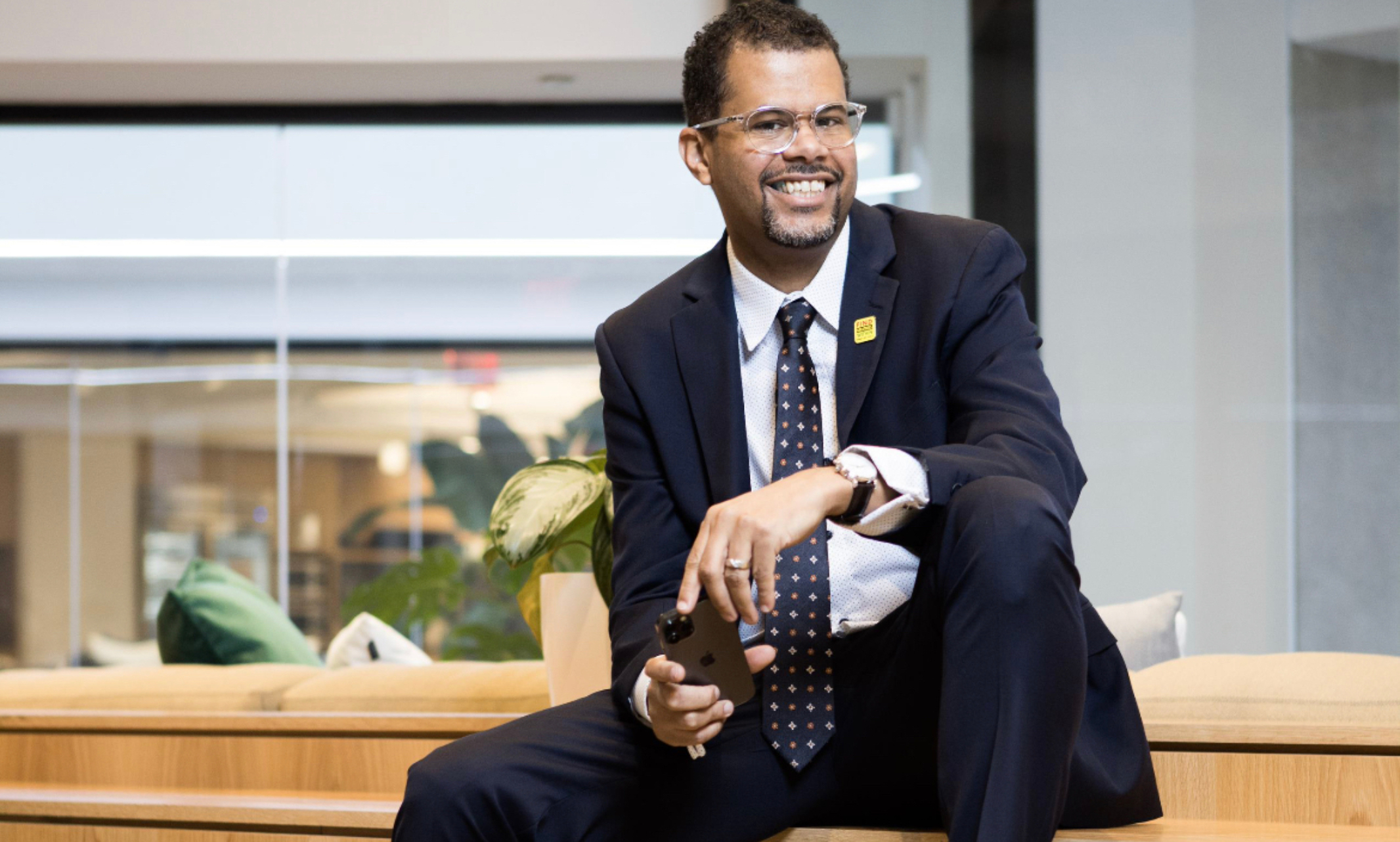
Hogan Family Scholarship supports Kansas City Public Schools graduates enrolled as Business majors
“Redefining Potential” is the theme of the new Hogan Family Scholarship Fund at the University of Missouri-Kansas City.
It’s a subject Nate Hogan knows well, because it’s essentially the story of his life.
Hogan serves as chair of the Kansas City (Missouri) Public Schools (KCPS) Board of Education. He and his wife, Felecia, endowed the fund to support KCPS graduates of color who enroll in the UMKC Henry W. Bloch School of Management. Hogan holds an Executive Master of Business Administration degree from the Bloch School.
His route to a master’s degree was hardly a typical one; that road began with his decision to drop out of his Florida Keys high school in 10th grade (the only year he lived outside of Kansas City). Today, he is Vice President, Healthcare Solutions for NIC Corp. in Olathe.
The scholarship is designed to support and inspire young people who face similar hurdles to those he overcame.
“My high school grades were terrible,” he admits. “Nobody would have offered Nate Hogan a scholarship.”
The Hogan Scholarship has no GPA or standardized test score barriers.
“Why look at every kid through the lens of standardized tests?” he said, noting that such tests also heavily influence high school GPA. “It’s not a really good predictor of a person’s potential.”
The scholarship program is designed to ensure every student who wants to go to college, has an equitable opportunity to do so. The $2,000 annual scholarships are intended to supplement the Pell grants and other financial aid these students typically receive – and serve as a motivating force.
“We want to tell these kids, ‘you have a real opportunity here,’ and help them understand that they can ignore all the noise going on in their lives, all the noise going on in society, and think about how they can dig deep and tap into their full potential,” Hogan said.
Nate and Felecia started the scholarship fund with an $8,000 contribution, and have committed to make that same donation on a yearly basis. Additional fundraising has added another $2,000 to the fund, and the Hogans plan to step up their personal involvement in fundraising for the scholarship in future years.
The focus on business education is also based on the Hogans’ personal journey.
“Our entire careers have been business-focused,” Hogan said. They met at Commerce Bank – Nate’s first job outside the service industry – where today Felecia serves as senior vice president and director of diversity, equity and inclusion. Nate has served in a variety of business roles before taking his current position at NIC, crossing just about every major business discipline (accounting, finance, sales, relationship management, operations and leadership).
“We believe a business degree can be a great foundation no matter what you end up doing in your career,” he said.
Ultimately, Hogan’s motivation for setting up the scholarship fund is the same as what drove him to become a leader for the city school district.
“Because I was a very mobile student who came to school carrying a bunch of stuff that no child should have to take on, I can identify with our students.”
Oct 28, 2021
Kansas City leaders consider declaring a climate emergency. Here’s what it would mean
A research group led by the University of Missouri-Kansas City will collect data this summer in an effort to find out who suffers the most in Kansas City’s heat. Read more. (subscription may be required)
Oct 27, 2021
Charting a new course, plug artist collaborative opens a gallery in the former Agnes Avenue police building, where it joins a complex of artist stu...
“plug has a really great reputation for showing contemporary art in Kansas City,” said Davin Watne, who teaches art classes at the University of Missouri-Kansas City and runs the UMKC Gallery of Art. “Who better to move into that space? It’s not as large square footage-wise as what they had before, but it’s got a much higher ceiling. It’s a unique kind of space that they can have a lot of control over.” Read more.
Oct 27, 2021
Kansas City rocks! Take a geological journey across the region
Richard Gentile, professor emeritus from UMKC, explains this history in a recorded series of lectures on local geology from Linda Hall Library in early 2020. Read more.
Oct 27, 2021
FDA advisers vote to authorize the Pfizer vaccine for children aged five to 11
“Our kids are going to be dealing with this virus for many years to come,” said Jay Portnoy, professor of pediatrics at the University of Missouri-Kansas City School of Medicine. “Getting the vaccine is just the first step that they’re going to take towards being able to protect themselves.” Read the full article.
Oct 26, 2021
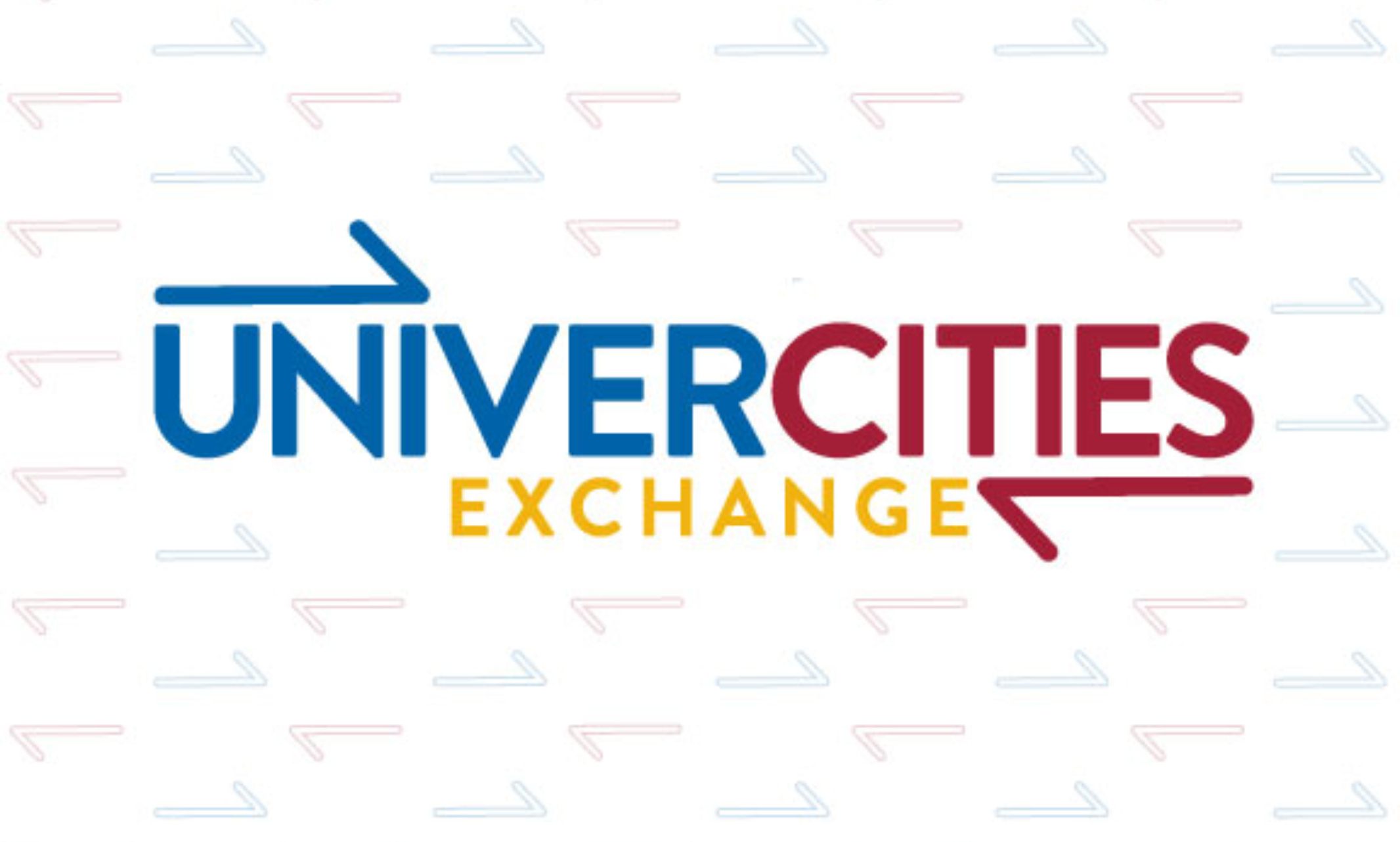
UniverCities Exchange is a continuing collaborative of UMKC and UMSL.
Academic and community leaders from Kansas City and St. Louis met virtually on Oct. 13 to discuss issues local adolescents have faced throughout the COVID-19 pandemic.
The session was conducted through UniverCities Exchange, an ongoing collaborative project between UMKC and UMSL. In this installment, the panel discussed how Missouri youth are adjusting to the complexity of nearly two years of life in the era of COVID-19.
Between March and May of 2020, the United States saw a nearly 25% increase in appointments for children ages 5-11 experiencing a mental health emergency, and a 31% increase for children ages 12-17. This year, those numbers have climbed an additional 15%.
The panel discussed how Missouri youth are adjusting to the complexity of nearly two years of life in the era of COVID-19.
Steve Kraske, host of KCUR's Up to Date and UMKC journalism professor, served as moderator. Panelists included:
Nora Peterman, UMKC Assistant Professor of Education
Erika Gibbs, Dean of Primary School, Citizens of the World Charter School, Kansas City
Dr. Jerry Dunn, Executive Director, Children's Advocacy Services of Greater St. Louis
Dr. Tyler Smith, Fellowship Program Director, Divison of General Academic Pediatrics, Children's Mercy Kansas City
Rachel Taube, Project Director for Mental Health First Aid, Missouri Institute of Mental Health
Here are some highlights of the panel's conversation regarding the problems youth in Kansas City and St. Louis fae and how our communities are addressing them.
Please note: This conversation features content that some may find upsetting- including conversations on abuse and suicide. We encourage those who need help for themselves or a loved one to seek it out. The UM System assists in providing free Mental Health First Aid training and, for those in crisis, the National Suicide Prevention Lifeline is available 24/7 at 1-800-273-8255.
"The pandemic has certainly had an impact on the mental health of the generation that is moving into and through adolescence right now. As we look at statistics, they are documenting only the surge in mental health emergencies. But what we have to keep in mind is those health emergencies really represent only the tip of the iceberg and that we have a far greater proportion of our youth who are underneath that tip of the iceberg, whose functioning and overall well-being has been significantly impacted." -Jerry Dunn
"Online spaces and online communities have become even more meaningful and significant in the daily lives of adolescents than ever before. Whether we're talking about TikTok, gaming websites, fandom communities, these are all spaces online where adolescents are engaged in this constant process of figuring out who they are, can audition different identities and make connections with other people who can help them figure it out." -Nora Peterman
"We have to look at what's happening currently in our society. In addition to young people dealing with a pandemic, there was also a heightened awareness of racial and social injustice and reckoning. There were young people who were seeing on a TV screen, a gentleman literally dying before their eyes and that is very traumatizing and traumatic for young people to have to experience." -Tyler Smith
"We really try to make sure that we emphasize self-care, make sure that they have support throughout the day whenever they need things, bathroom breaks, because the burnout is real. There's been an extreme amount of pressure." -Erika Gibbs
"There are lots of ways to help. We know that oftentimes when adolescents experience mental health challenges, they talk to their peers, but we also know that they go to family members and friends. So it's important for lots of folks to be able to respond." -Rachel Taube
UniverCities Exchange gathers community leaders and academic experts to discuss problems and possible solutions to issues affecting the Kansas City and St. Louis metro areas. The project began in fall 2020 with a discussion of health disparities during the COVID pandemic. The goal of these conversations is to foster a connection for future collaboration across Missouri.
Watch the full UniverCities Exchange discussion below:
Oct 26, 2021
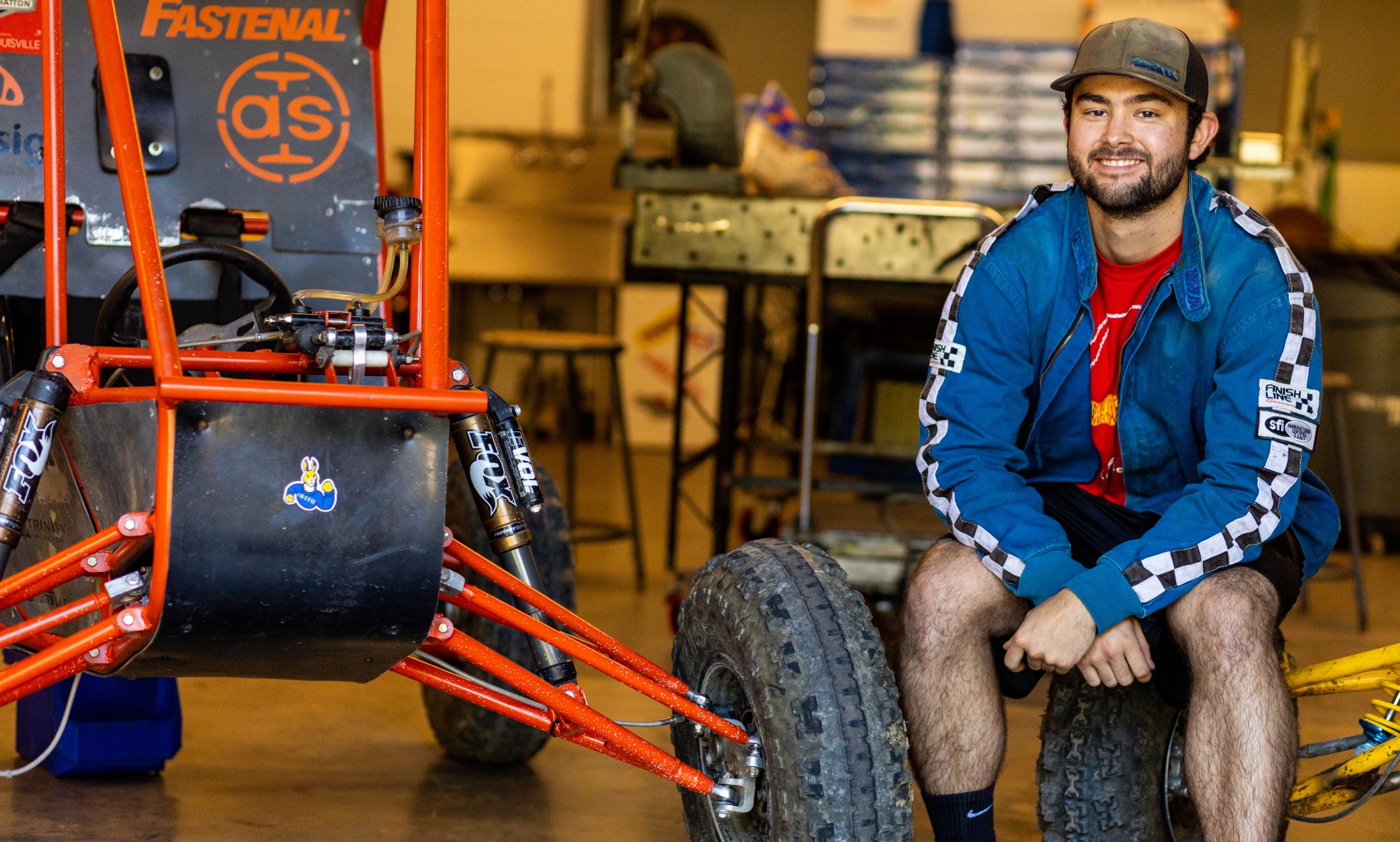
Layton Streck has a drive to succeed
Our ongoing story starts with people from around the world, converging here at UMKC. Get to know our people and you’ll know what UMKC is all about.
Layton StreckAnticipated graduation year: May 2023UMKC degree program: Mechanical EngineeringHometown: Pilot Grove, Mo.
Why did you choose UMKC?
UMKC has so much to offer. Being located in the heart of Kansas City, surrounded by multiple businesses where I could make connections, I saw myself reaching my fullest potential.
Why did you choose your field of study?
Mechanical engineering was a pretty perfect choice. I had always enjoyed being around cars and machines since I was young. I loved working with my hands and understanding how and why things were built. The field is broad enough that I can explore different avenues, whether it is manufacturing, power, HVAC, you name it.
What are the challenges of the program?
The whole program is a challenge! I am constantly studying and figuring out how to balance sleep and other things, but most of the time studying wins.
What are the benefits of the program?
Through this program I have learned the value of collaboration. In engineering it requires a team effort of everyone’s input and ideas to see which is best. I have learned time management, as well as that one bad grade won’t hurt me for the rest of my life.
"Through this program I have learned the value of collaboration."- Layton Streck
How has your college program inspired you?
It has inspired me to understand more of what I can achieve. Though it is tough in the moment, I have grown a lot as an individual.
What other extracurricular activities are you involved in at UMKC?
I am heavily involved in Baja SAE, an intercollegiate design series run by the Society of Automotive Engineers. It is a competition where teams of students from universities design, build and then compete with small off-road racing vehicles. It has given me the opportunity to get hands on engineering experience during my education.
Since entering college, what have you learned about yourself?
Being in college has taught me there are great benefits that come with hard work, whether that is with the Baja Buggy competition, grades or health. I have learned that things go right when you put in effort.
Who do you admire most at UMKC and why?
I admire the older Baja members because they create relationships with the new members by helping with latest ideas and designs. And at some points they help with classes if needed, too. It creates a mentoring environment and helps each member be the best they can be. You can usually point out our older members by their choice of hairstyle - the timeless mullet.
"I hope I will be able see everything that I learn from the time and experience at UMKC in my day-to-day work life."
What do you hope to take from your experiences at UMKC into your professional career?
I hope I will be able to take everything that I learn from my time and experiences at UMKC into my day-to-day work life. The biggest skills UMKC has helped me develop are my communication skills and teamwork mentality.
What is one word that best describes you and why?
Productive. I like to constantly be doing something to help move the project along. Even though sometimes that means not sitting on an idea all the way through, at least I have something to show. My Baja teammates would agree.
More About Layton
What’s your favorite social media channel and why?
Instagram is my favorite. It gives me a chance to connect with other Baja teams worldwide and see how they tackle common engineering challenges and on events outside the competition that are put on by SAE.
What’s your favorite spot to eat in Kansas City?
If I had to pick one spot it would be Parlor in the Crossroads art district, just because it houses many different places to eat in the same building.
Where’s your favorite spot to hang out in Kansas City?
My favorite spot is Westport. It gives a chance to meet with others easily and sometimes network with new sponsors for the team and potential members.
What’s your favorite spot on campus?
My favorite spot is the Baja shop in the brand-new Plaster Engineering building. I spend most of my free time there, as well as socialize with my friends from class.
Oct 25, 2021
Scenes from the pandemic: Telehealth a perfect fit for treating heart failure
“Heart failure is a particularly important disease for which to examine the impact of telehealth, as it is a chronic condition necessitating continual assessment of symptoms, health status and medication adjustment,” wrote lead author Yasser Sammour, MD, a cardiology resident at the University of Missouri Kansas City, and colleagues. “Moreover, patients with HF are a particularly vulnerable population for complications related to COVID-19 infection, including critical illness and mortality.” Read more.
Oct 22, 2021
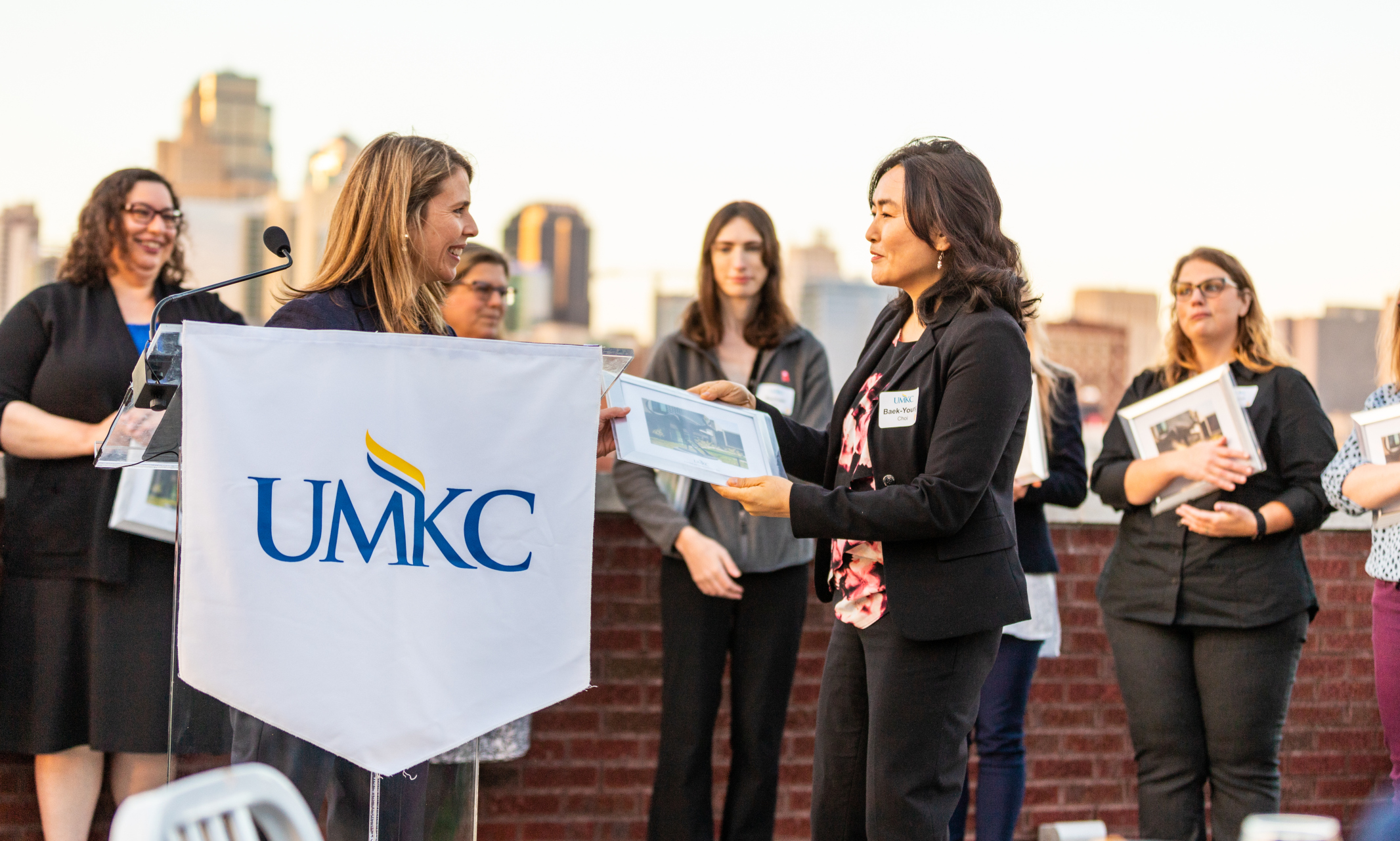
Chancellor cites ‘remarkable level of academic achievement’
UMKC celebrated the promotion and tenure of more than 30 members of its faculty Oct. 21 at a gala reception set against the city’s glittering skyline at the On Broadway event space.
“Each year, this promotion and tenure event is a celebration of achievement. Today, however, we are recognizing and celebrating a remarkable level of academic achievement,” said Chancellor Mauli Agrawal. “The operational and financial challenges posed by the pandemic came in tandem with enormous disruption in our personal lives.” He added that in the midst of those challenges, faculty also played a key role in the development and launch of the UMKC Forward initiative.
“Making your way through all that, in one piece, is a bragging point all by itself. But remember – in the midst of all those challenges, you have successfully pursued the path of professional growth and achievement that resulted in the promotions, and granting of tenure, that we celebrate tonight,” the chancellor said. “Think about that, as you stand here this evening, in October of 2021, and look back over the past several years at what you have achieved through this unique moment in history. Be proud. UMKC is proud of you. I am proud of you. You have proven yourselves to be truly exceptional.”
The event was set outdoors for the comfort and safety of the faculty members and their guests in the midst of the ongoing pandemic. The event also was focused solely on promotion and tenure. Other faculty awards and honors – such as new Curators’ Distinguished Professors, and Trustees’, Governor’s and Chancellor’s awards for research, teaching, mentoring, community engagement and commitment to diversity and inclusion – will be presented at a separate event in the spring semester.
“Our goal was an event that would be smaller, but still very special, as all of you deserve,” said Provost and Executive Vice Chancellor Jenny Lundgren. “I hope that comes through loud and clear.”
The promotion and tenure process at UMKC involves a lengthy and rigorous review of academic performance in the areas of teaching, scholarship and service. Each of the academics recognized at the celebration has demonstrated to their peers and to the administration that they have met high standards for sustained contributions and outstanding performance.
UMKC 2021 Promotion and Tenure
Ekaterina Strekalova-Hughes, School of Education, tenure with promotion to associate professor
Megan Hart, School of Computing & Engineering, tenure with promotion to associate professor
Sue Lasiter, School of Nursing and Health Studies, tenure
Joah Williams, College of Arts and Sciences, tenure with promotion to associate professor
Alison DeSimone, Conservatory, tenure with promotion to associate professor
LaVerne Berkel, School of Education, promotion to professor
Mike O'Connor, School of Biological and Chemical Sciences, promotion to professor
Viviana Grieco, College of Arts and Sciences, promotion to professor
Shannon Jackson, College of Arts and Sciences, promotion to professor
Baek-Young Choi, School of Computing & Engineering, promotion to professor
Xiaobo Chen, School of Biological and Chemical Sciences, promotion to professor
Elizabeth Vonnahme, College of Arts and Sciences, promotion to professor
Jennifer Huberman, College of Arts and Sciences, promotion to professor
Kym Bennett, College of Arts and Sciences, promotion to professor
Jacob Marszalek, College of Arts and Sciences, promotion to professor
Toya Like, College of Arts and Sciences, promotion to professor
Jasmine Abdel-Khalik, School of Law, promotion to professor
Del Wright, School of Law, promotion to professor
Dan McIntosh, College of Arts and Sciences, promotion to professor
Gary Abbott, Conservatory, promotion to professor
Lance Godley, School of Dentistry, promotion to associate clinical professor
Michael Murphy, School of Dentistry, promotion to associate clinical professor
Lynn Friesen, School of Dentistry, promotion to research professor
Heather Lyons-Burney, School of Pharmacy, promotion to associate clinical professor
Lisa Cillessen, School of Pharmacy, promotion to associate clinical professor
Kendall Guthrie, School of Pharmacy, promotion to associate clinical professor
Steven Kraske, College of Arts and Sciences, promotion to teaching professor
Crystal Doss, College of Arts and Sciences, promotion to teaching professor
Rebecca Davis, College of Arts and Sciences, promotion to teaching professor
Mitchell Brian, College of Arts and Sciences, promotion to teaching professor
Kelley Martin, University Libraries, promotion to librarian III
Danielle Merrick, School of Law, promotion to clinical professor
Rachael Allen, School of Biological and Chemical Sciences, promotion to associate teaching professor
Aaron Reed, School of Biological and Chemical Sciences, promotion to teaching professor
Oct 22, 2021
Maryfrances Wagner shares excitement about her prestigious nomination
Roos do amazing things, including earning one of the highest literary honors in the state.
Maryfrances Wagner, a UMKC alumna, was appointed to the position by Missouri Governor Michael Parson in July of 2021.
The blue and gold roots with Wagner go deep. After graduating with her bachelor’s and master’s degrees from UMKC, Wagner taught English for most of her career, including here at the university. During that time, she earned both local and state recognitions for Excellence in Teaching. In 2002, she became the English Coordinator for the High School College Partnership, a dual credit program, at UMKC. During those years, Wagner served on the composition committee, coordinated in-service programs on campus, wrote the composition handbook, and mentored thirty UMKC English teachers.
In addition, she is co-editor of the literary magazine I-70 Review and has served as President of The Writers Place where over the years, she has sponsored literary-based events throughout the community to include a number of programs that brought together poetry, music, and dance through improvisation. She has also served as Secretary on the Board of Directors for Kansas City Creates, which sponsors the annual Fringe Festival.
Wagner is teaming up with fellow UMKC alums to create opportunities for current students exploring literary career fields at her alma matter
“In 1988, my husband [Greg Field, MA from UMKC] and I, along with Robert Stewart (MA from UMKC), established the Crystal Field Scholarship fund, a scholarship that goes to a UMKC creative writing student, and we still oversee that as well as have an annual scholarship reading as a fundraiser where professional writers help support emerging student writers.”
Her journey as a poet, however, began long before her time at UMKC. She says, “When I was a child, my mother used to write little poems. She’d put them in our lunch bags, our suitcases, my brother’s duffel bag or on our pillows when we’d accomplished something significant. My father also wrote little poems in cards he gave to my mother.”
In eighth grade, a teacher assigned students to write about a particular topic, and her parents suggested she write a poem instead of an essay. That was her first foray in the art, and that passion would continue into her college years where she took creative writing classes to learn more about the craft.
Wagner says, “For the longest time I only showed my poems to friends, but my creative writing teachers encouraged me to try sending some poems out for publication, and after that, I kept on taking classes.”
She went on to publish nine collections of poetry, the latest The Immigrants’ New Camera. In 2020 she served as Missouri Individual Artist of the Year, the only writer to have received that award. In 2021, Wagner was nominated and appointed to serve as Missouri’s Poet Laureate
“I have always been a strong advocate for the writing community,” Wagner said. “This role will give me the opportunity to help promote other Missouri writers. It will give me the opportunity to try to reach out there to people less familiar with poetry or even to people who think they don’t like poetry, and hopefully, after the pandemic is over, I’ll be able to do more workshops, readings and events around the state.”
Wagner is Missouri’s sixth poet laureate. Her two-year term started July 1 and runs through June 2023.
You can read and hear Wagner’s work in a variety of places. She’s hosting a series of podcasts with other Missourian poets. You can also purchase her collections on Amazon, Barnes and Noble or visit her on her website.
Oct 22, 2021
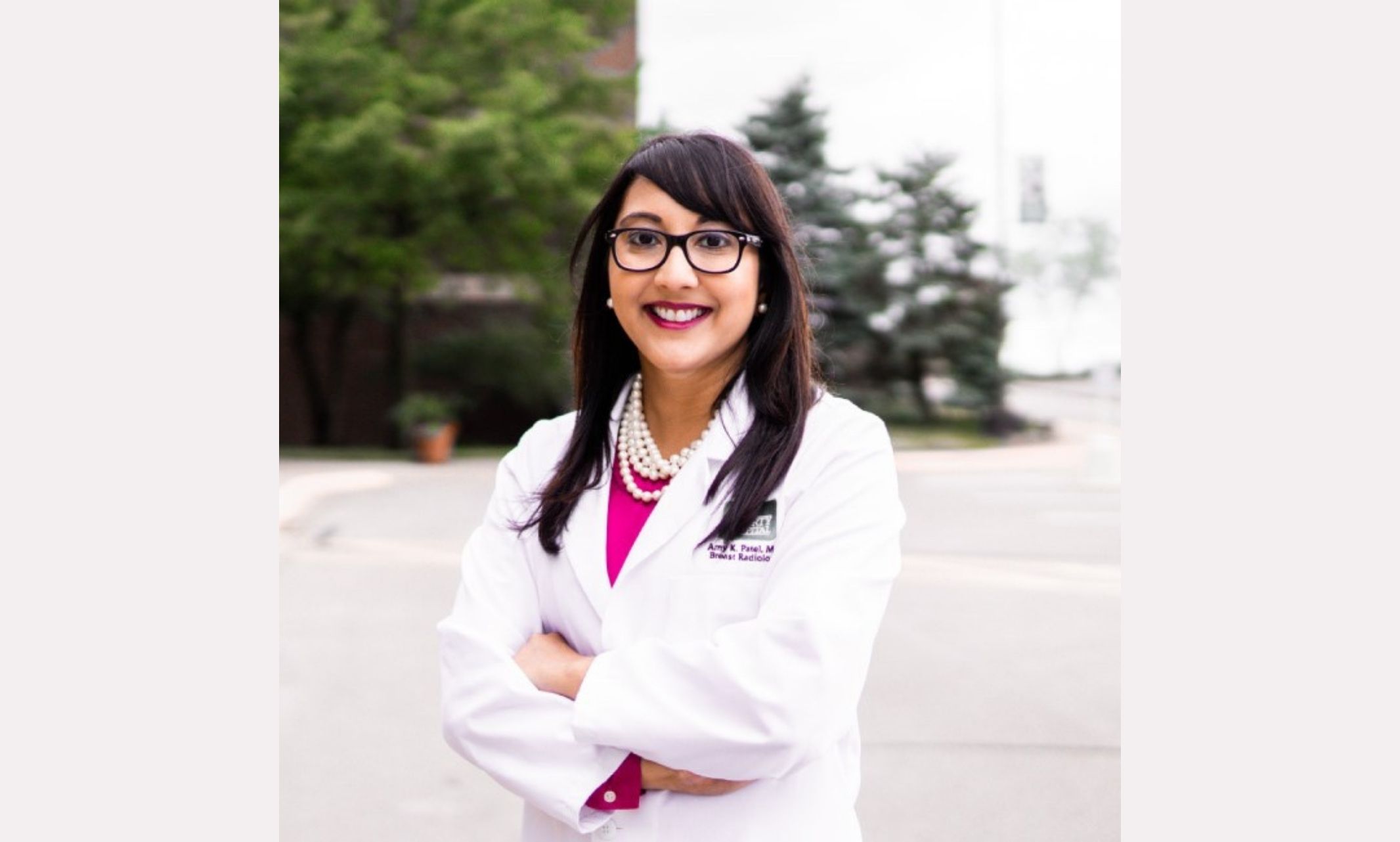
Dr. Amy Patel leads KC area Breast Care Center while mentoring students at alma matter
Growing up in Chillicothe, Missouri, a town of fewer than 10,000 people, Amy Patel didn’t see many physicians that looked like her.
“There was only one primary care woman physician in my hometown and there weren’t any women who looked like me, a woman of color. From a young age I realized there was such a need for women practicing specialized care, but especially for women of color,” Patel said.
That observation sparked a fire and passion in Patel that has continued to grow. Patel went on to study medicine at the University of Missouri-Kansas City and graduated from the school’s six-year medical program. During medical school she completed a rotation with a breast radiologist at Washington University in St. Louis, which was a turning point in her decision to specialize in breast cancer radiology.
After completing a breast imaging fellowship at Washington University, Patel began her professional career in Boston, and even found time to work as a faculty member at Harvard. But eventually, Patel felt called to return to Missouri.
“I always wanted to come back to the Midwest to assume a leadership position where I could make a difference and make an impact,” Patel explained.
In July of 2018 Patel was named medical director of the Breast Imaging Center at Liberty Hospital. Since her arrival she’s helped grow the program, adding an additional breast imaging specialist, starting a plastic surgery program and partnering with the UMKC School of Medicine to launch a Breast Radiology elective course. Patel teaches the course, which involves a rotation designed to introduce medical students to a range of screening and diagnostic breast imaging modalities to multidisciplinary care. She hopes this course will help others, especially women and minorities, become more interested in the profession.
“The percentages of women entering the radiology field have remained around 27% a year, and those numbers for underrepresented minorities are even lower. Right now, there are so many opportunities for students and I’m hopeful in the future, we will start to see growth in the percentages that have remained stagnant for many years,” Patel said.
In addition to helping launch the new rotation, Patel says one of the initiatives she’s most excited about is a newly launched genetics program within Liberty Hospital.
“Knowing your family history is very important because that could potentially warrant genetic consultation and then possible testing. That is why it's so important for a hospital system to have a genetics program and that's why we’ve worked really hard to have one here,” she adds.
While familial genetic indicators may be out of our control, Patel says everyone can proactively take steps to lower their risk of breast cancer.
“A healthy diet is important, maintaining a body mass index that is within recommended limits is key because we know obesity is a risk factor for breast cancer. Moderate alcohol consumption and not smoking are also important ways to lower your risk,” Patel said.
Regular screenings are also key in the fight against breast cancer. Patel says screening rates among women plummeted into the single digits during the pandemic due to the pause of routine screenings in Spring and early Summer of 2020 under advisement of the CDC. While the numbers have started to rebound, they’re still down about 13% compared to pre-pandemic.
“I always wanted to come back to the Midwest to assume a leadership position where I could make a difference and make an impact." — Amy Patel
“We are particularly worried about women of color, who tend to be the ones with more barriers when it comes to access and education. If screening rates don’t pick back up, we are worried that disparity could widen even further so it's really going to take the entire breast cancer community to come together and encourage patients of all backgrounds to get screened,” Patel said.
Patel says October is a good time to get screened and encourage friends and family to do so as well.
“Breast Cancer Awareness Month is not just about raising money for research; the awareness component is equally as important, and I love to see specialists coming together and encouraging others to go and get your mammogram.”
Oct 22, 2021
Kansas Public Radio reports on this three-day festival of the music
Hear Cooper McGuire and Alicia Willard perform Charles Ives’ ‘General Booth Enters into Heaven’ followed by a chat with UMKC Conservatory professor of music theory and composition David Thurmaier and piano professor Thomas Rosenkranz, who will do one of the Concord Sonatas. Read more.
Oct 21, 2021
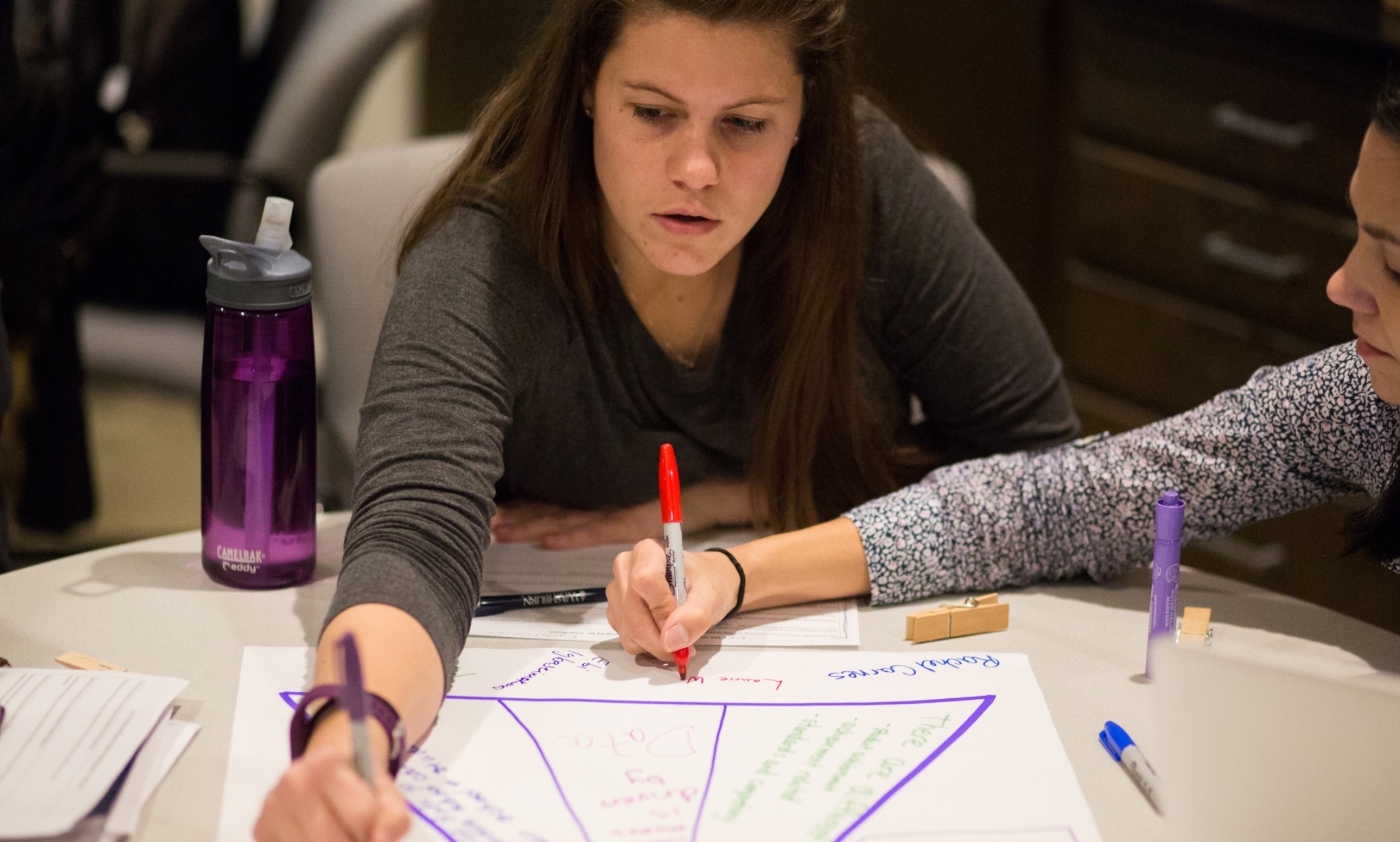
STEM curriculum offered in 163 Missouri school districts
A new study of Project Lead The Way, a curriculum which focuses on increasing students’ exposure to science, technology, engineering and mathematics skills, shows the program has significant impact in encouraging students’ long-term interest in STEM education and careers.
A new study of Project Lead The Way, a high school curriculum which focuses on increasing students’ exposure to science, technology, engineering and mathematics skills, shows the program has significant impact in encouraging students’ long-term interest in STEM education.
The research team, led by Eric Camburn, Ph.D., Sherman Family Foundation Endowed Chair and director of the Urban Education Research Center, and Karin Chang, Ph.D., associate director and associate research professor at the University of Missouri-Kansas City, studied the potential impact of the Project Lead The Way curriculum on two cohorts of Missouri high school students. Camburn and Chang conducted the study in collaboration with researchers from St.Louis University and the University of Missouri-Columbia.
Their research revealed that students who took Project Lead The Way (PLTW) classes were more likely to take dual college-credit courses in high school, graduate from high school, enroll in college and declare a STEM major upon initial enrollment than students who did not.
“We found that taking Project Lead The Way courses help students successfully graduate from high school and go on to postsecondary education,” Camburn says. “And students in historically underserved groups appear to have benefitted even more on important outcomes.”
While the initial program implementation was focused on a few schools, implementation in recent years has grown substantially. In 2005, Missouri launched the PLTW program in 10 districts and 16 schools. The program is now offered in 384 schools in 163 districts across the state and is in elementary, middle and high schools.
“We found that taking Project Lead the Way courses helps students successfully graduate from high school and go on to postsecondary education.” — Eric Camburn, Ph.D.
Camburn and his team estimate that approximately 17 percent of Missouri high schools have an active program. The team’s research included more than 145,000 first-time ninth graders, 13 percent of whom had enrolled in at least one PLTW course.
Kenny Rodrequez, superintendent of schools for the Grandview C-4 School District, has extensive experience with Project Lead The Way as a teacher and administrator. He was instrumental in expanding the curriculum into more classrooms in his district.
“I had previous experience with the curriculum before I came to Grandview,” he says. “I knew how good it was. I could see that we needed to expand the program.”
Rodriguez has facilitated expanding the curriculum from Pre-Kindergarten through twelfth grade. He thinks it’s successful in engaging students for a number of reasons.
“Number one, it’s a very defined curriculum. The lessons are mapped out in a way that teachers are able to support students at a high level. But it also provides flexibility, so they can incorporate different components at the right time.”
He says he’s seen both new and veteran teachers have positive experiences.
“It’s a great package. Veteran teachers have the flexibility they need, but there is a clear path for new teachers, too.”
Rodriguez says students often respond to the PLTW curriculum because it has a connection to the real world.
“Four years ago, I heard a group of fourth graders talking about what would happen if we had a global outbreak of [a virus.] I wish I could go back to that class and say, ‘Did you ever think that could actually happen in the real world?’”
Rodriguez was not surprised to learn the outcomes of the research on PLTW curriculum.
“There’s so much community support around this work. We can reach out and get immediate help. Teachers are so busy. That is important.”
Camburn says Rodriguez’s experience is not unique.
“We believe a reasonable implication of these preliminary findings is that widespread implementation of the program in the state is likely to help more Missouri high school students make the transition to secondary education, including college, trade and vocational schools,” Camburn says.
The Urban Education Research Center (UERC) is a research and evaluation center within the University of Missouri-Kansas City School of Education. The center works collaboratively within the School of Education, across the university and in conjunction with local partners and communities to create reliable, usable knowledge about education in urban areas.
“The Urban Education Research Center is uniquely qualified to provide exemplary research on the impact of this curriculum on student outcomes,” Carolyn Barber, interim dean, School of Education. “Dr. Camburn has devoted three decades to research on school improvement, leadership and inequalities in educational opportunity. Ultimately, we hope this knowledge promotes excellence in schooling and opportunities for residents of the Kansas City metropolitan area as well as communities across the state of Missouri.”
Oct 21, 2021
Supply chain shortages could get worse before they get better
For decades, manufacturers have mostly had quick and ready access to the things they need to assemble products that people use every day. When things are running smoothly, it usually takes about three weeks to receive what they need. Now, according to UMKC professor Larry D. Wigger, Jr., the average wait time for manufacturers is 92 days.
Why Supply Chain Bottlenecks Are Keeping Home Prices Sky High - Realtor.com
Supply chain shortages could get worse before they get better - KCUR
‘What do we tell our customers?’: Labor shortage, material delays hamper home construction - Columbia Missourian
Oct 20, 2021
UM System opens NextGen, and supporters 'can't wait for the discoveries'
Roy Blunt has been called “a champion of public higher education” for spearheading a medical student education program that raised more than $25 million for MU and the University of Missouri-Kansas City focusing on doctor shortages across Missouri. Read more.
Oct 19, 2021
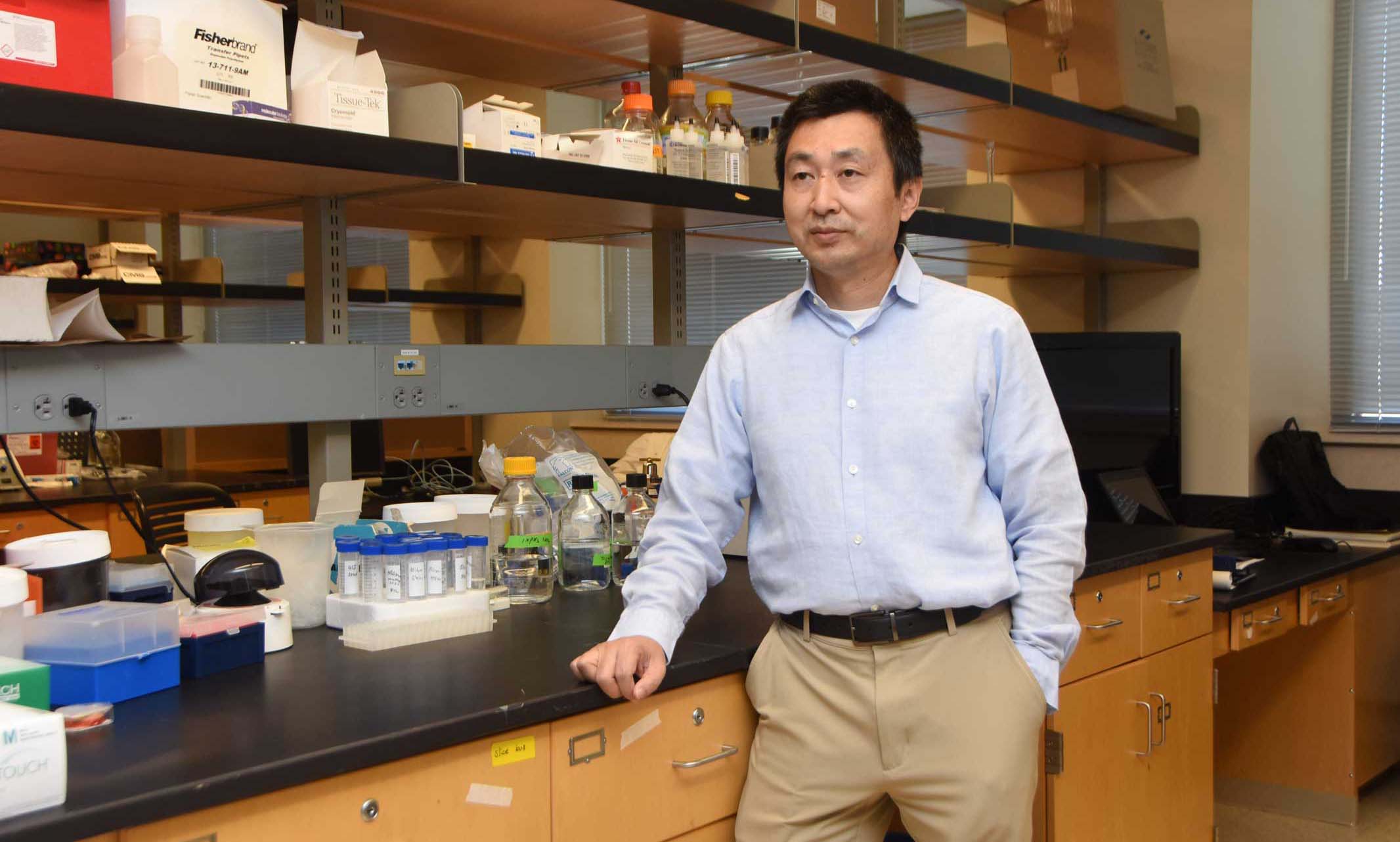
For Xiangming Zha, more labs are better than one
For Associate Professor Xiangming Zha, expanding his network for collaboration is a critical consideration for his moving to UMKC. “It’s hard for one lab to get everything done,” said Zha. “When you build up that network, your research gains more opportunities.”
That network has included a decade-long collaboration with Dr. Xiangping Chu at the UMKC School of Medicine. Now he is expanding his network to include the UMKC School of Pharmacy, where he’s joined the faculty, continuing his research focused on brain function with a general interest in neuroscience. The crux of his research centers around the study of pH – a scale used to specify acidity – in the brain that contributes to neuron function and ischemic brain injury. More recently, he has started to look at the role of pH in cerebral vascular function.
In 2004, while in his post-doctoral fellowship at the University of Iowa, he saw an opportunity in this area-of-study because of field is less explored. Prior to UMKC, he was at the University of South Alabama (USA) School of Medicine. “At USA, I was fortunate to work with a group of excellent collaborators,” said Zha. “The good thing about moving from medicine to pharmacy is that I still maintain all the previous connections. At the same time, it allows me to build new connections and thus explore new directions of research.”
That’s what has him excited about his move to UMKC School of Pharmacy. The move has additional benefits as he can lean on the school’s pharmacology and pharmaceutical researchers. He has been studying the acid-sensing ion channels and acid-sensitive GPCRs. According to Zha, there are few viable pharmaceutical options to activate or inhibit these acid receptors in the brain.
“There are a couple of pharmaceutical compounds available but none are ideal and that’s the challenging part,” said Zha. “If we have a more specific compound which can turn on and off the receptors, we may be able to better understand these acids.”
Unlocking that aspect of the research could help understand the duality of the acidity levels in the brain. Too much acid is rarely a good thing but there is recent research data that shows there may be some protective effect. To target the benefits of the acid, Zha needs to know more about the receptor and signaling involved, which aren’t well-defined yet.
These challenges have kept his research interest for the entirety of his career. Zha admits that research lives on grant funding and previous research is a key to successful funding.
“One important part for that to happen, is having good people,”said Zha.
Students and fellows interested in participating in his research efforts are encouraged to contact him.
Oct 19, 2021
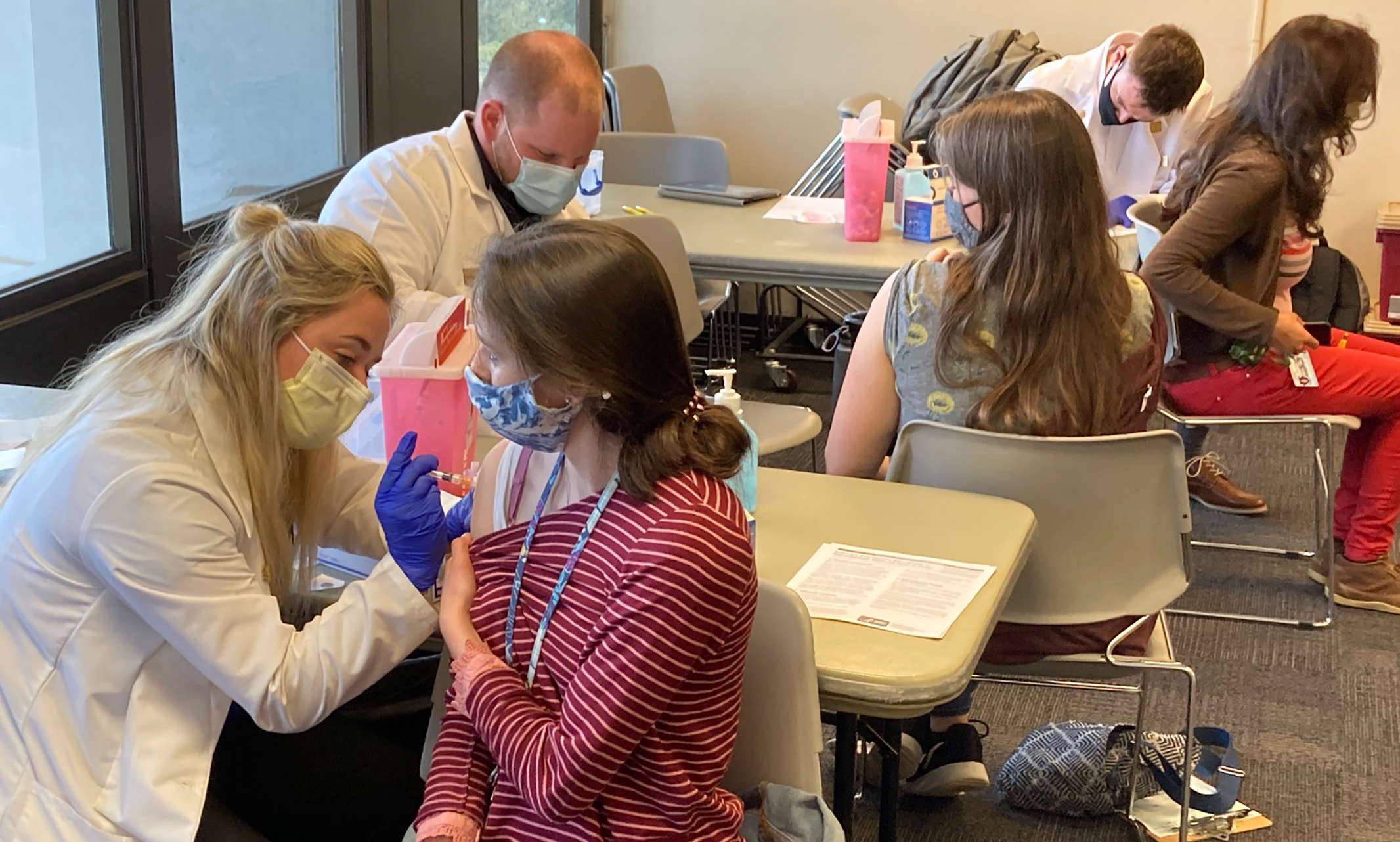
Springfield campus students, faculty are taking up a flu shot challenge
Flu season is in full swing and college students living in a campus environment that combines close living quarters with communal dining facilities and large classrooms can be particularly at risk.
That’s why UMKC School of Pharmacy students at the school’s Springfield campus are partnering with Missouri State University Magers Health and Wellness to sponsor the “Bear the Band-Aid” flu shot challenge. The campaign is meant to raise an awareness of the importance of receiving an annual flu vaccine, said Paul Gubbins, Pharm.D., associate dean for the UMKC School of Pharmacy at Missouri State University.
“We started the Bear the Band-Aid campaign in September 2016 in an attempt to increase the vaccination rates on the MSU campus,” Gubbins said. “Our effort was based on a 2016 report by the National Foundation for Infectious Diseases that noted influenza vaccination rates are typically very low on college campuses.”
The Center for Disease Control and Prevention estimates that nearly 8 percent of Americans will get sick from the flu virus each year. That means more than 26 million people developing flu symptoms.
Outreach efforts by Springfield pharmacy students included an article in a Missouri State campus newsletter where they noted that while most college students recognize the risk of flu to the very young or old, they often underestimate their own risk.
Gubbins said the initiative has met with mixed results. While a study has shown the vaccination rate on the Springfield campus to be higher than the reported rate on college campuses across the nation, there is still a need to increase awareness of the need to receive the vaccine. At the same time, among those who have been vaccinated previously, the campus campaign has created a greater awareness, Gubbins said.
“We feel it augments everything that MSU already does to make the influenza vaccine easily accessible to its students,” Gubbins said.
As of early October, nearly 2,000 employees and students on the Springfield campus had received the vaccine.
In addition to the awareness campaign, the campus pharmacy students are also active in delivering influenza vaccinations to those in Springfield and Greene County. Throughout a given flu season, Gubbins said his students will administer as many as 700 to 900 influenza vaccines throughout the community.
In Kansas City, UMKC pharmacy students have been active in administering vaccines at the university’s flu vaccine clinics in September and October. Pharmacy students from UMKC’s three campuses in Kansas City, Columbia and Springfield also collaborate with pharmacies, clinics and organizations throughout Missouri each year to typically provide nearly 3,000 flu shots to patients throughout the state.
The regional American Pharmacists Association-Academy of Student Pharmacists organization honored the UMKC School of Pharmacy in 2019 with an Operation Immunization chapter award. It recognized the extraordinary contributions pharmacists provide to improving vaccination rates in their communities. The UMKC chapter also received the national recognition in 2012.
Oct 19, 2021
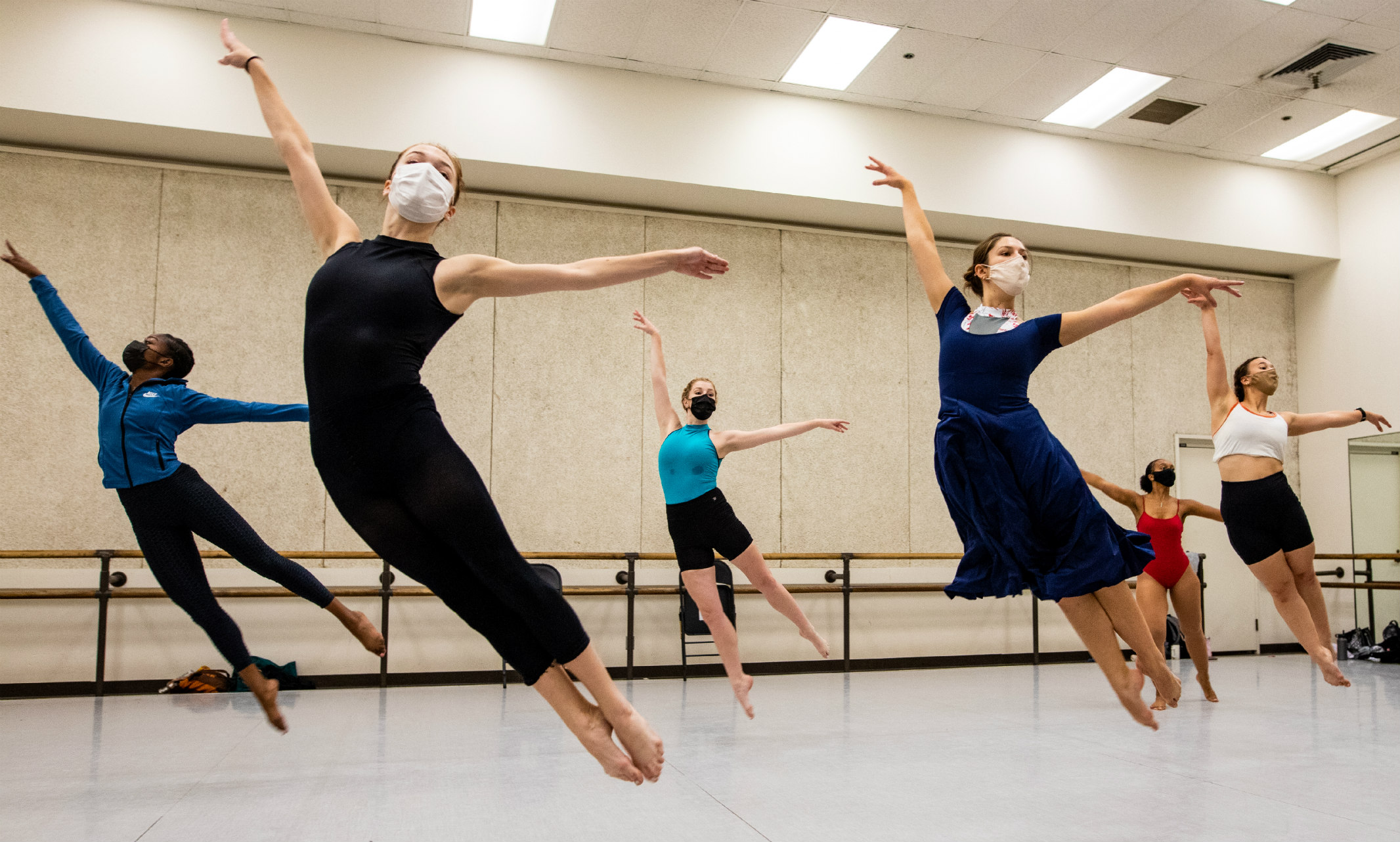
UMKC Dance brings work and art to the community
Science is the focus of the Roy Blunt NextGen Precision Health building in Columbia. But thanks to UMKC, the arts will play a significant role in the Oct. 19 grand opening event.
Kim Kimminau, Ph.D., a program lead for NextGen Precision Health, asked DeeAnna Hiett, chair and associate professor of Dance at the UMKC Conservatory to choreograph an original dance for the opening celebration.
The NextGen Building will be an anchoring facility for the NextGen Precision Health initiative, which will harness the power of the four universities in the UM System, MU Health Care, MU Extension and external partners to bring together cutting-edge research, technologies, and treatments to transform health care and save lives.
Hiett’s inspiration for the NextGen dance came from her perspective on the resilience of the human body and spirit, “We shall rise from the ashes.” The video starts somber and gets more intense throughout. In the beginning, the audience will see the dancer come from a low place in her life, struggling as she thinks back in time. Scenes will show the dancer wistfully looking out a window and walking down a busy street, oblivious to her surroundings and those around her. As the video ends, the audience watches the dancer come back to herself with a sense of encouragement to survive, creating a triumphant feeling for the audience.
“I’m hoping to give the sense of hope,” Hiett said. Everyone, regardless of their profession or place in life, overcomes struggles. And without science and doctors, Hiett said dancers couldn’t do what they do. “They keep us in operation. We’re honored, humbled and flattered to share our art with science.”
The performance Hiett choreographed for the NextGen opening is short – under four minutes. It’s an original piece with one dancer at the center of the performance. It includes nine dancers; seven are UMKC students and two are from the Wylliams/Henry Contemporary Dance Company, where Hiett is artistic director. The dancers include Ashlan Zay, senior, lead dancer; Ivyana Robinson, senior; Ashleah England, senior; Lauren Jespersen, senior; Alexa Glomp, senior; Elizabeth Lollar, sophomore; and Lecia Sims, junior. Wylliams Henry Contemporary Dance Company dancers are John Swapshire, UMKC Conservatory alumnus; and Jeremy Hanson.
The project came together quickly after Hiett accepted the invitation. She put the call out for volunteers, which was before the fall semester started. She said the first week of school was challenging because they rehearsed for two hours a day in the week leading up to the recording on Sept. 4. Four hours later, the video was shot and ready for editing and final production. Videography was provided by Ryan Bruce and Jeremy Hanson. Video editing was provided by Caroline Dahm, UMKC Conservatory adjunct professor of dance and Wylliams/Henry Contemporary Dance Company executive assistant and company member.
This isn’t the first time Hiett has said yes to creating an original dance for another discipline or for a community project. The UMKC Dance Department also collaborates with the UMKC School of Computing and Engineering and UMKC Health Sciences District schools. UMKC Dance students and faculty even created a celebration video for the Kansas City Chiefs’ return to the Super Bowl in 2021. They do these projects because Hiett, faculty and students are passionate about their craft. It’s their work. It’s their art.
“We take art and dance to the community,” Hiett said. “We love to dance, and we love to share it. So, any opportunity we have to get out in the community, of course we want to.”
Oct 19, 2021
State Spending on Poverty Really Pays Off for Kids: Study
“Child abuse and neglect is a public health crisis, and it needs a public health response to be prevented. Pathways toward addressing poverty is one of the cornerstones, I believe, for preventing child abuse and neglect,” said lead author Dr. Henry Puls, from the pediatrics department at Children’s Mercy Kansas City, and associate professor, pediatrics, University of Missouri-Kansas City School of Medicine. Read more.
Oct 18, 2021
Canceled Southwest flight forces local couple to improvise
UMKC’s Russell Melchert, dean of the School of Pharmacy, was featured on KCTV 5 for his remarkable story about his trip home from Texas this weekend — which involved a UHaul truck instead of his scheduled Southwest flight. Read more and watch the newscast.
Oct 18, 2021
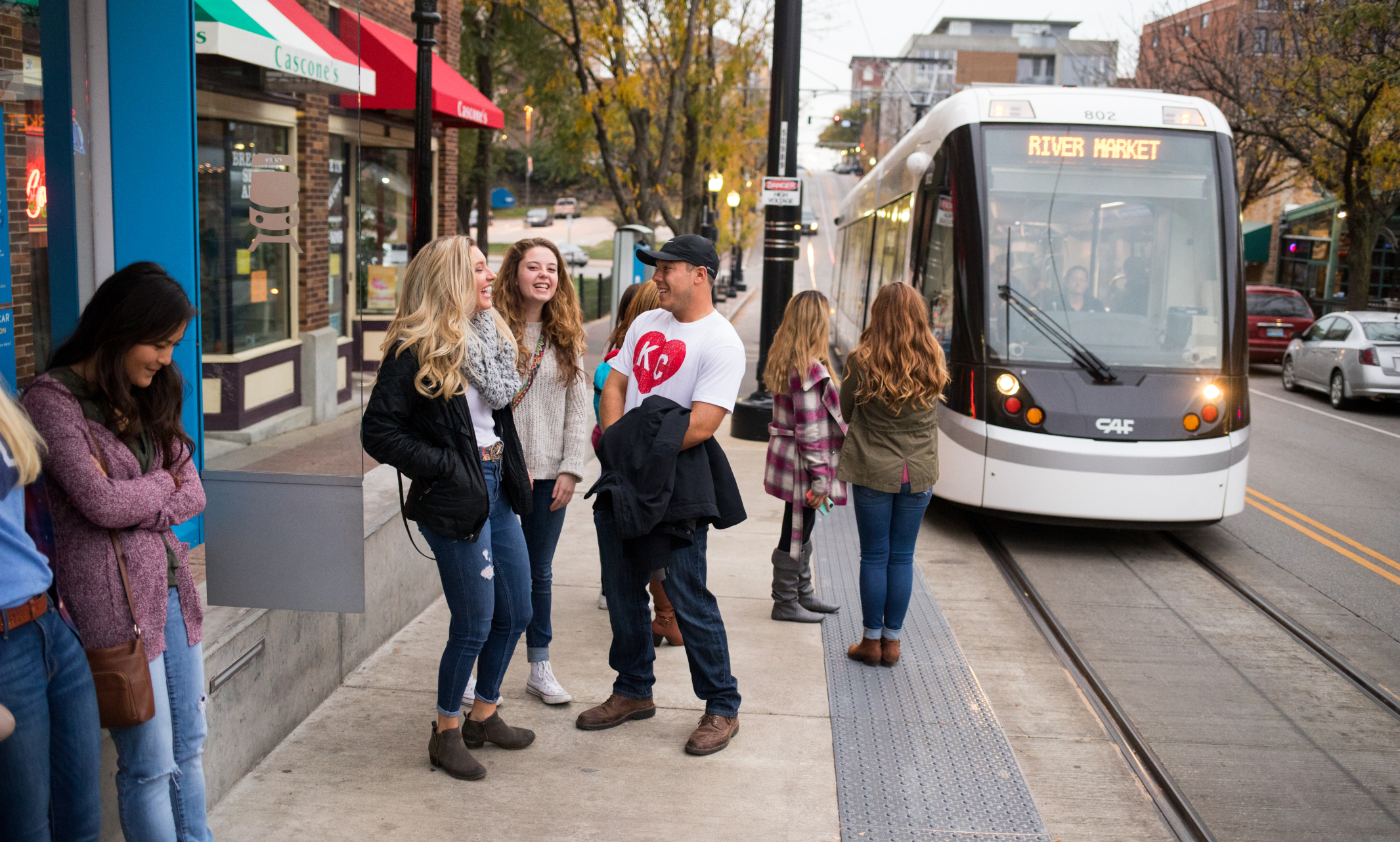
Students' plans could be incorporated in the new UMKC stop
A UMKC professor and several students had the opportunity to contribute ideas for the new KC Streetcar stop at the Volker campus.
Bill Yord, an adjunct instructor for the School of Computing and Engineering, also serves as Senior Project Manager with the Kansas City Area Transportation Authority (KCATA) and utility manager with the KC Streetcar South Extension. He is also a UMKC alumni (B.S. '01, M.S. '09).
Yord reached out to Streetcar stakeholders about UMKC senior students assisting with designs for the Streetcar's south terminus at UMKC, which is part of the ongoing KC Streetcar South Extension project.
The extension project, which has gone through planning and design by city officials since 2017 and will soon be under construction, will cover more than 30 city blocks and will extend the existing 2.2-mile 'Starter Line' to the UMKC Volker Campus, providing an exciting new access opportunity for the campus.
The UMKC Streetcar stop will be at 51st Street and Brookside Boulevard, near the former location of the Oak Place Apartments.
"I was looking at the Streetcar construction and thinking, 'We have to bring the students in on this and I called the KCATA and asked, 'Would you all be interested in involving a UMKC senior design project for the Streetcar?'" Yord said. "I got a call back in about five minutes and the answer was an overwhelming yes."
For the senior project, students were asked to study pre-existing blueprints of the UMKC Streetcar stop and come up with design concepts for the project.
"We were looking at everything: roadway design, station platform design, passenger amenities, utilities, grading and drainage," Yord said. "We would all get together and look at the designs and say 'What can we incorporate"? How can we make it better?' Then we would give those plans to the stakeholders and they would come back with suggestions and we would say, 'Okay, now how can we make this more robust?' and it went on and on from there."
Jordan Salt, a student who worked on the project, said he would walk past the stop site every day on his way to campus to "trigger" thoughts on how to do things differently.
"Knowing that this project was going to potentially contribute to a major infrastructure project made it one of the most interesting projects in my college career," Salt said. "The project's proximity to where I study and live inspired me."
Bayley Brooks, who also worked on the project, said one of the biggest things she learned while working on the project was how many people are involved in designs for city projects.
"For the Streetcar project we met with people from UMKC, KCATA, city officials, the Kansas City Streetcar Authority, the Federal Transit Authority, the Kansas City Utilities Department, I mean the list just goes on and on," Brooks said. "I enjoyed getting the chance to brainstorm creative ideas for the Streetcar stop with the group."
At the end of the semester, the students presented their preliminary design plans to a large group of stakeholders who were heavily involved in the extension. Brooks said her favorite design concept submitted was putting a kangaroo fountain at the UMKC stop.
"We are the city of fountains after all!" Brooks said.
"I ride the Streetcar all the time, so I'll be so proud to see some of our design ideas hopefully used in the stop."
Final plans for the UMKC stop are not completed, so it's too soon to tell how much of a role the students' designs will play in the final product, but Yord said he has no doubt that some of the students' design work will be implemented.
"I can confidently say that our students had a hand in making the (UMKC stop) a better place for our students, our faculty and the community to come in and come out of the university," Yord said.
The extension project, and the opening of the new UMKC Streetcar stop, is projected to be completed sometime in 2025.
Those interested in hearing more about the extension can attend the Kansas City Streetcar extension webinar from 8:30 to 10 a.m. on Friday, Oct. 22. The event is being hosted by the SCE Alumni Association and the SCE Alumni Relations Office.
The webinar will feature a moderated panel of professionals working on the streetcar extension, including Yord.
Other panelists include Tom Gerend, Executive Director of the Kansas City Streetcar Authority; Cindy Moses, Regional Engineer for the Federal Transit Administration; Jason Waldron, Transportation Director for the Public Works Department for the City of Kansas City; and Nick Stadem, Project Manager with HDR, a design and construction company.
The entire webinar can be watched here.
Oct 18, 2021
Rent is going up so fast, it’s not just pricing out residents — It’s hurting Kansas City
Erin Royals at the University of Missouri-Kansas City Center for Neighborhoods was quoted for this story. Read more.
Oct 17, 2021
Local news outlets report on the pandemic's effect on applications to nursing schools
The UMKC School of Nursing and Health Sciences saw undergraduate applications jump by 10% since the pandemic. “They were seeing agony in their communities, in cities and they wanted to help,” Interim Dean Joy Roberts said. Read the news:
Kansas City-Area Universities See Increase In Undergraduate Applications For Nursing Amid Pandemic - KSHB
UMKC Credits COVID For Rise In Nursing School Applications - KCTV
More Applying For Nursing Programs In Kansas City During The COVID-19 Pandemic - KMBC
Oct 15, 2021
Meet six newly funded companies helping get KC’s economy ‘back on track’ with Digital Sandbox
Digital Sandbox KC announced on Wednesday its third-quarter roster of companies earning funding, selecting solutions in parenting ed-tech, esports, business intelligence and more, said Jill Meyer, senior director of the Technology Venture Studio at the UMKC Innovation Center. Read the article.
Oct 14, 2021
KMBC Reports: Paper publishes story exposing MO education website vulnerabilities
The St. Louis Post Dispatch reported a story on how they found a way into a secure part of the state’s education department website. After alerting the state, the story published by the paper said, “The newspaper delayed publishing this story to give the department time to protect teachers’ private information.” Governor Parson disagreed. UMKC journalism professor Steve Kraske said he believes the paper did everything it could to avoid an issue. Read more and watch the newscast.
Oct 14, 2021
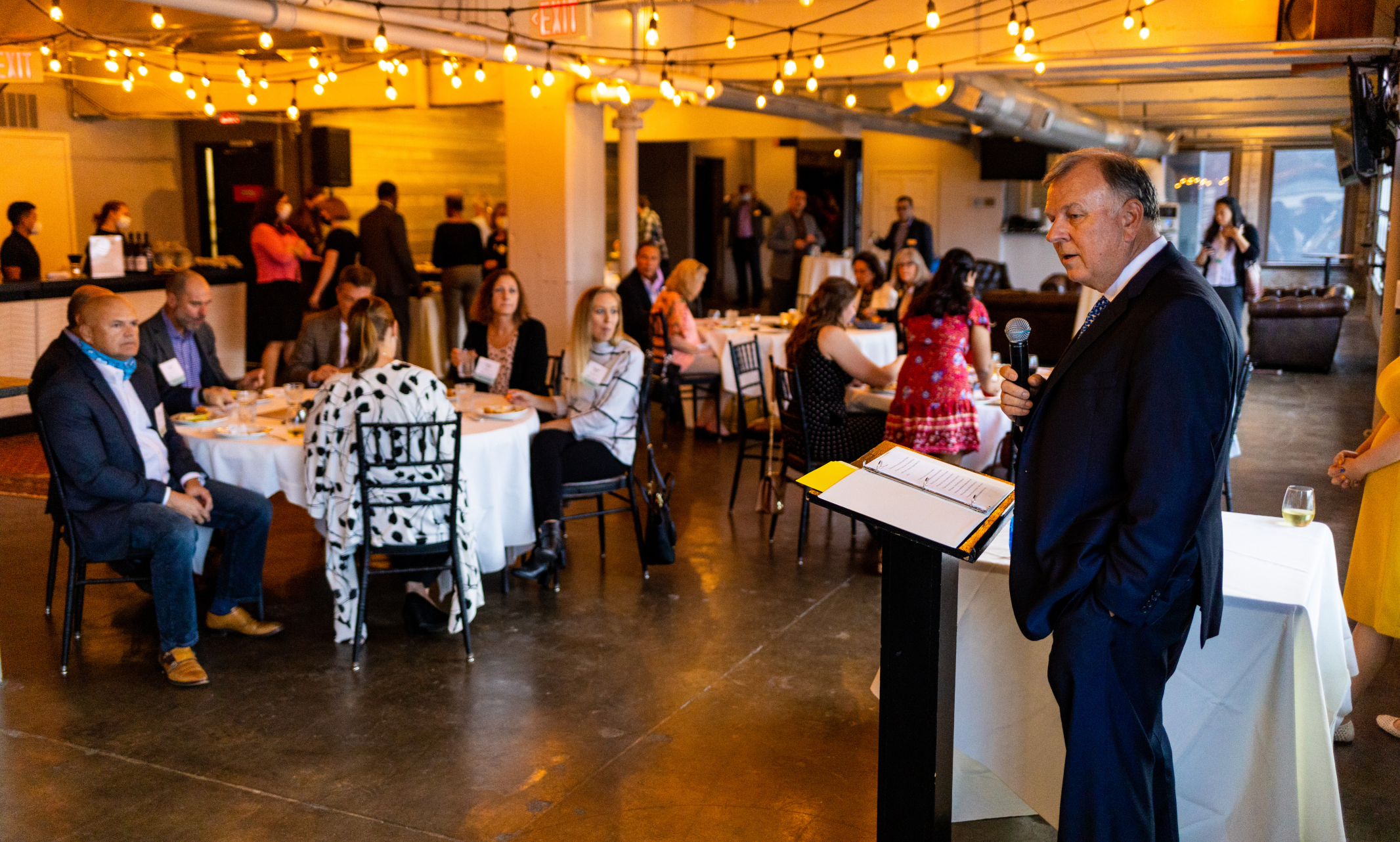
Kauffman, Sunderland foundations among this year's Vanguard Award winners
Kansas City donors, alumni and organizations were highlighted at the 2021 UMKC School of Computing and Engineering Vanguard Awards in October.
The annual award program is an opportunity to spotlight those who help expand STEM education and outreach in Kansas City.
"Our vision is to become a valued regional school of science, engineering and technology with signature professionally based education, research and community programs. I believe these award recipients are the embodiment of this vision," said Kevin Truman, dean of the school.
This year the school recognized four honorees (as well as last year's winners who could not accept their awards in person due to the COVID-19 pandemic) in the categories of SCE Young Alumni Award, SCE Supporter Award, STEM Outreach Partner and Organization of the Year.
Photo by Brandon Parigo
2021 Vanguard Award Recipients
Young Alumni Award: Riddhiman Das, BS '12, MS '19, TripleBlind.
In 2019, Das started his own company, TripleBlind. The company's mission is to build cryptographically powered 'cyber' privacy without reliance on any given legal system. Currently, they are working on building an application programming interface that will enable bulletproof privacy as a service.
Before starting TripleBlind, Das worked in Corporate Venture Capital and M&A for Ant Financial. In this role, he sourced deals in Blockchain, Artificial Intelligence, Cybersecurity, IoT Computing. Ant Financial is the financial services member of the Alibaba Group, which purchased SCE technology-based EyeVerify, now known as ZOLOZ. Prior to working for Ant Financial, Das was a product architect at EyeVerify.
SCE Supporter of the Year: The Sunderland Foundation
The Sunderland Foundation has been a strong supporter of UMKC and SCE capital project, providing one of the lead gifts for the new Robert W. Plaster Free Enterprise and Research Center and renovations within Flarsheim Hall.
Outreach Partner of the Year: Kauffman Foundation
The Kauffman Foundation is a longtime support of UMKC and the SCE, helping fund the free enterprise portion of the Plaster Center, SCE's KC STEM Alliance, student teams and more.
Organization of the Year: Black & Veatch
Black & Veatch is the largest engineering firm in the Kansas City area. It is a global engineering procurement, construction and consulting company that specializes in infrastructure development in power, oil, gas, water, telecommunications, government, mining, data centers, smart cities and bank and finance markets.
The company's support for SCE is broad and includes a major gift for the new Plaster Center, additional philanthropic support for scholarships and student teams, providing internships and hiring students and adjunct faculty for specialty areas.
Oct 13, 2021
Community group pushing to vaccinate more people on Kansas City's eastside
“We want people to feel welcomed, we want them to feel like they’re in an environment that they know, they trust, they frequent often,” said Jannette Berkley-Patton, a professor at the UMKC School of Medicine. Read more and watch the newscast.
Oct 12, 2021
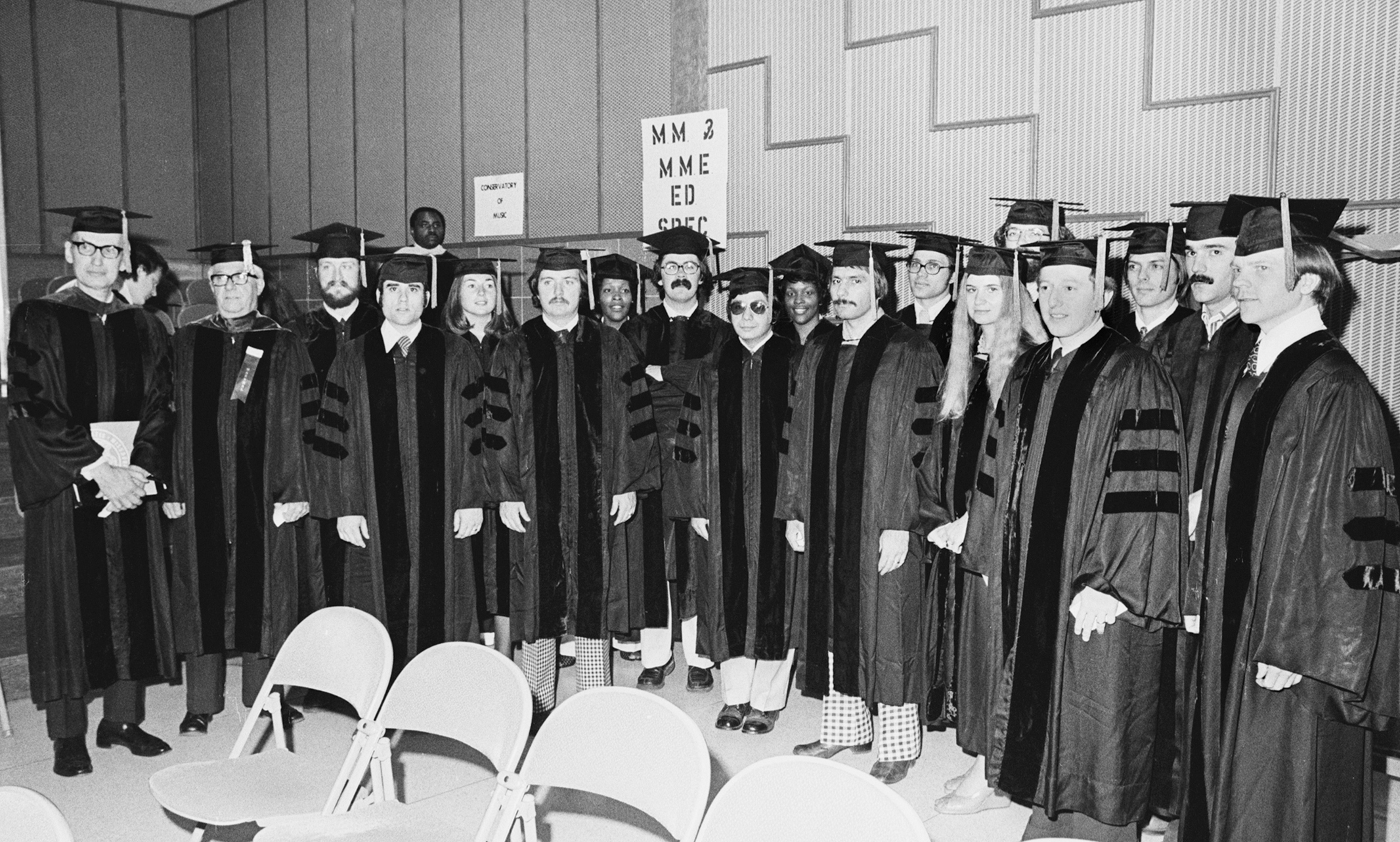
The University of Missouri-Kansas City School of Medicine is kicking off the observance of its 50th anniversary.
Fifty years ago, the University of Missouri-Kansas City launched a bold experiment in educating the medical leaders of the future.
After years of planning, more than $8.8 million in federal funding and a charter class of 18 students, the doors of the UMKC School of Medicine opened in 1971.
Fifty years later, that bold experiment is a cornerstone of Kansas City’s medical community.
This month, the University of Missouri-Kansas City School of Medicine is kicking off its yearlong observance of the 50th anniversary. A new logo, a special website and many special events will highlight the celebration. Among the key events:
A series of distinguished guest lectures, including:
Nov. 5: Roger Bush, M.D., from University of California-San Francisco, speaking on rural health inequities.
Nov. 17-19: Silvio Inzucchi, M.D., from Yale, sharing research linking type 2 diabetes, insulin resistance and cardiovascular complications.
Dec. 2: Harriet Washington, medical ethicist and Shearing Fellow at the Black Mountain Institute, University of Nevada, Las Vegas, speaking on medical apartheid.
Dec. 9: Kenneth Churchwell, M.D., from Boston Children’s Hospital, speaking on pediatric critical care (Noback-Burton Lecture).
Feb. 11: Geeta Swamy, M.D., from Duke University, speaking on maternal vaccines, COVID pregnant women, preterm delivery interventions.
Special signage around the SOM campus and 50th-anniversary themed touches for Match Day, Commencement and other signature academic occasions.
A Gold Jubilee 50th anniversary gala, set for June 4, 2022, at the Loews Hotel in downtown Kansas City.
Today as in the past, UMKC’s School of Medicine is making a difference the health and wellbeing of Kansas City communities and beyond. Long known for its innovative research, humanities-focused education and unique medical programs – namely the accelerated BA/MD program where students enter medical school straight from high school and complete their degrees in six years – UMKC continues to graduate future leaders in health care. The school has been instrumental in founding Kansas City’s UMKC Health Sciences District, where it continues to play a primary role.
“This is an exciting time for the UMKC School of Medicine, as we celebrate half a century of history and traditions,” said Mary Anne Jackson, M.D., ’78, dean of the medical school. “As our nation’s health care profession has evolved, so has the School of Medicine. We are bringing new technologies and innovations to the forefront that continue to solidify our standing as a leader in today’s medical education.”
Since 1971, nearly 4,000 physicians and health care professionals across the United States have received their degrees from the School of Medicine. Through the years, additional programs added include master’s degrees in anesthesia, physician assistant, health professions education and bioinformatics, and graduate certificates in research and health professions education. In January 2021, the school opened its second campus in St. Joseph, Missouri, with a focus on rural medicine. But it is the school’s MD programs and its docent system of learning – where faculty physicians combine the best of apprenticeship instruction with small-group teaching, mentoring, peer coaching and other techniques – that have withstood the test of time and continue to position the school as a trendsetter in medical education.
“Fifty years speaks to the longevity of the school, not to mention we have many physician leaders across the country that are graduates,” said School of Medicine alumni association president Ralph Wuebker, M.D., ’94. “There is no doubt that UMKC is a top medical school!”
Marjorie Sirridge, M.D., one of the three founding docents and later dean of the medical school, once reflected on the early days: “I remember being tired a lot and sometimes discouraged when it seemed that we just couldn’t get it all done. But, mostly I remember the challenge and the excitement of being part of a new adventure in medical education.”
Indeed, it’s been an exciting adventure the past 50 years – and the next several months will celebrate the past, present and future of UMKC School of Medicine. Join us.
Oct 07, 2021
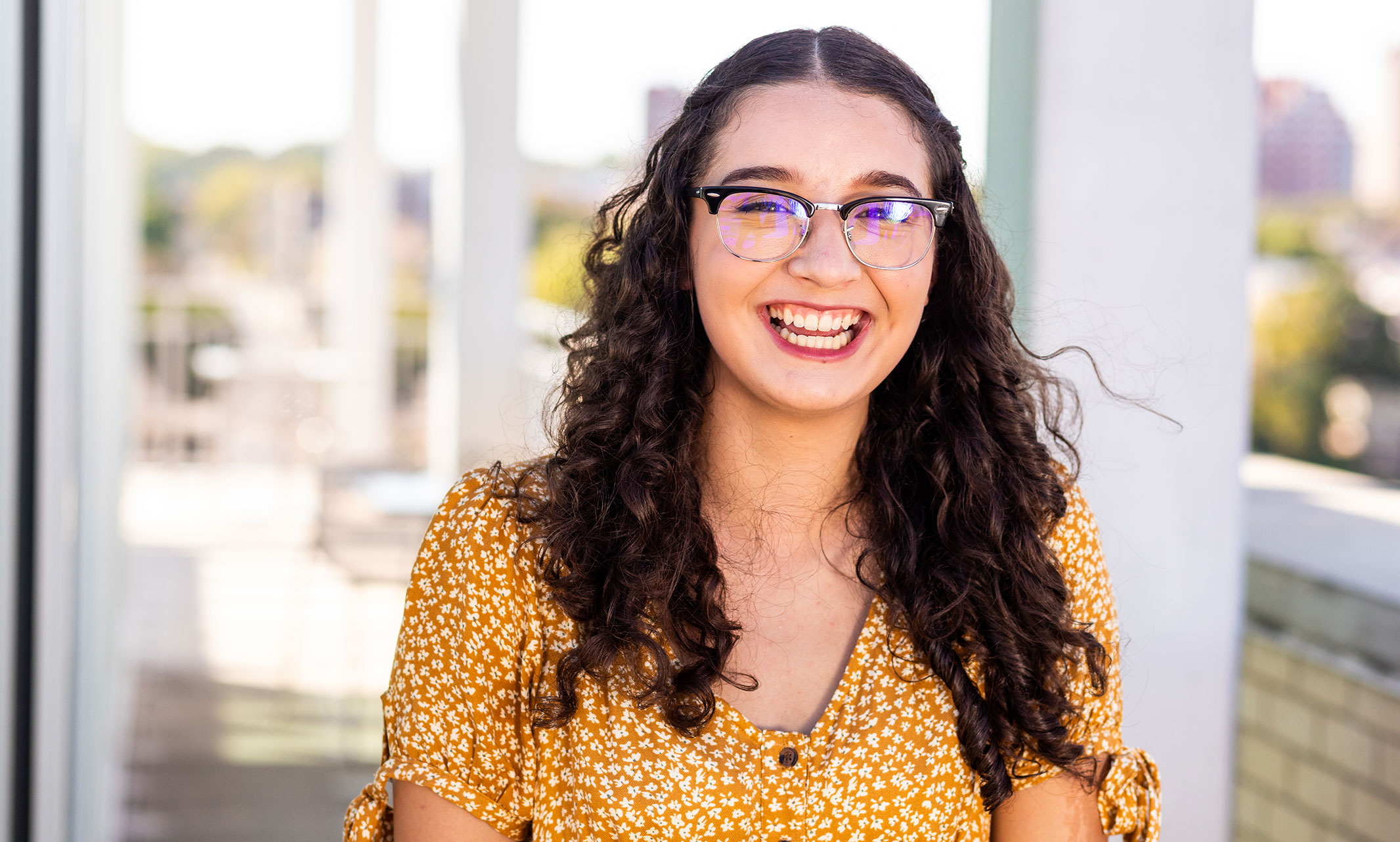
Hannah Leyva will not allow other’s expectations to define her
Hannah LeyvaAnticipated graduation year: UndeterminedUMKC degree program: University College (undecided/exploratory)Hometown: Kansas City, Kansas
Our ongoing story starts with people from around the world, converging here at UMKC. Get to know our people and you’ll know what UMKC is all about.
Hannah Leyva started her UMKC journey in 2020. A first-generation Honors Program college student, she felt a lot of pressure to go down a specific path: a biology major on a pre-medicine track.
“I came to UMKC with a set plan in mind, but it was not a reflection of my strengths or interests,” Leyva said. “My previous career goals were based around others’ expectations of me and not what I expected from myself.”
This year, Leyva is slowing down and attending the university as an undecided major. It allows her to explore her interests and ensure that her career will be one of her own making. However, this path has its fair share of struggles as well.
“The overall challenge of being undecided on your major has to do with the generalized stigma of not having your entire life planned out,” Leyva said. “The entire notion of knowing who you are and what you want to do straight out of high school is rather daunting. I think that part of going to school is learning that there is more than one way to achieve your goals, and that success is not exclusively found in a traditional path.”
"The University College is helping me determine my career goals and academic interests based on what suits me and not anyone else." - Hannah Leyva
The path less traveled is not a path one has to travel alone. Leyva has found support from students with similar life experiences as a member of the Latinx Student Union (LSU) executive board. She hopes to continue this connection by establishing a book club through the LSU.
“We are made up of first-generation students and are passionate about making a better future not only for ourselves and our families but for our community,” she said. “Listening to them talk about their stories and the obstacles they have overcome to get where they are today, reminds me that I am not alone and to keep going.”
Leyva says she has also gotten similar support from faculty and staff at UMKC as well.
“Choosing to be in the University College is helping me determine my career goals and academic interests based on what suits me and not anyone else,” Leyva said. “The team there is specialized to work with students who are uncertain about their majors and or careers. So, it is really refreshing consulting someone who actually knows how to help you.”
"I chose UMKC for the small community feel of the campus."
While she is not completely sure what her future holds, Leyva knows she is better off with this opportunity to go to school. She is a KC Scholar and a Hispanic Development Fund Scholarship recipient, which she says are a huge part of her success here at UMKC. Beyond that, she says her family and their cultural background have helped shape who she is today
“My parents are immigrants, and they have always motivated me to do well in school,” she said. “The value of education for me is immeasurable, and I really am doing this for my family, who has not had the opportunity or privilege of pursuing higher education.”
More about Hannah:
Why did you choose UMKC?
I chose UMKC for the small community feel of the campus. It is a lot more common to run into someone you know, which really made me feel more at home. I also chose UMKC for the affordability. I was fortunate enough to receive a few scholarships through the university which made UMKC more accessible.
What is one word that best describes you and why?
I would consider myself a caring person. Much of the work I have done is in the social realm, not because I am extroverted, but because I find happiness in helping others.
What’s your favorite social media channel?
I’m not sure if I have a favorite, but I do spend a lot of time scrolling through TikTok (like a true Gen Z kid).
What’s your favorite spot to eat in Kansas City?
I love Friend’s Sushi on 39th, and it’s close to a lot of cute shops so you can walk around and make a day out of it.
What’s your favorite spot on campus?
My favorite spot to hang out on campus is patio on the top floor of the Student Union. It has a really great view of the Nelson, and it’s a great place to hang out with friends or take a break from studying indoors.
Oct 07, 2021
A local's guide to Native American cultural sites around Kansas City
The UMKC Gallery of Art is currently hosting an exhibition by Gregg Deal. “Yadooa Hookwu (I Will Speak Now)” explores “Indigenous identity through multiple forms of expression.” Deal (Paiute Tribe of Pyramid Lake) is a multi-disciplinary artist who addresses race relations, American history and Indian stereotypes in his work. Read more.
Oct 06, 2021
Could anti-vaxxers fuel a spike in childhood diseases?
Mary Anne Jackson, dean of the University of Missouri-Kansas City School of Medicine and a former member of the National Vaccine Advisory Committee and the American Academy of Pediatrics Committee on Infectious Diseases spoke with Newsweek about the potential for anti-vaccine rhetoric to spur an increase in vaccine-preventable disease in children. Read the news:
Anti-Vaxxers Could Fuel Spike in Childhood Diseases: 'It Will Be Horrific' - Newsweek
Anti-Vaxxers Could Fuel Spike in Childhood Diseases: 'It Will Be Horrific' - MSN
Oct 06, 2021
Why we label ordinary objects as too special to use
UMKC Henry W. Bloch School of Management associate professor Jacqueline Rifkin wrote about her research on what she calls the specialness spiral- the accumulation of things without using or getting rid of them. Read more.
Additional news coverage:
“Specialness Spirals” - How Non-Consumption Can Drive Clutter - BYUradio
Oct 06, 2021

UMKC hosts discussion about the role museums play in telling the story of people of color
Art directors from across the Kansas City area participated in a virtual panel discussion on, "The Role of Antiracism Work and Healing in Museums."
The Sept. 9 was the ninth in the Critical Conversations series of panel discussions addressing systemic racism, sponsored by the UMKC Divison of Diversity and Inclusion. It was the first of the 2021-22 school year.
The museum-oriented discussion was in collaboration with The Nelson-Atkins Museum of Art.
UMKC people are taking thoughtful action on campus and in our community to ensure lasting and comprehensive changes through Roos Advocate for Community Change, a campus-wide effort announced in June 2020.
Critical Conversations are part of that initiative. The goal of each discussion is to enlighten, educate and explore the causes and potential cures for racism. Attendance to the discussions is free.
Panelists for the session include:
Gary O'Bannon (moderator), executive in-resident, UMKC Henry W. Bloch School of Management
Rashida Phillips, executive director of the American Jazz Museum of Art
Julian Zugazagoitia, director and CEO of The Nelson-Atkins Museum of Arts
Glenn North, executive director of the Bruce R. Watkins Heritage Center
Matthew Naylor, president and CEO of the National World War I Museum and Memorial
Anna Marie Tutera, director of the Kansas City Museum
Excerpts from the conversation are below. To view the complete recording of the conversation, click here.
Anti-racism and how it's discussed in the museum field
Tutera: We are defining anti-racism as a conscious decision and commitment to fight against racism on every level and on every aspect. Institutionally, we are looking at policies and procedures and practices within the museum that have contributed to racism, caused it and perpetuated it.
Lack of diversity among museum staff and board members
Tutera: You cannot have an all-white or majority-white staff or an all-white or majority white board and make any significant change. You cannot serve a diverse community without looking internally first. You can't commit to anti-racism until you take a deep dive into your own history of staffing and history of board leadership.
Zugazagoitia: If people do not see themselves in museums, then museums will become irreverent.
Naylor: Having a board that argues for us to be an institution for all is important. A board that wants to give a voice to the LGTBQ community, African American, Indian American, the place of women, raising those issues allows those issues to be express to the public. Board leadership, if it's an expression of the DNA of the organization, even though there is still is a gap and we are still not where we ought to be, can still make a world of difference.
Holding people accountable
Phillips: We really have to get back to people-to-people, really deep dialogue. This is not only a space for worship and entertainment, but it's a space where we come together. It is the kitchen and we've got to realize that there's some beautiful responsibility and energy in going into a museum and seeing an exhibition and enjoying the takeaway from that. It's deeper than that.
Support needed in museums
North: Sometimes it's hard to have partnerships. Sometimes it boils down to personality differences and complicated histories between organizations and it's difficult. Sometimes when you don't have the right intention things can get diluted.
Oct 06, 2021
Kansas City doctors explain why it might be time for some to get a Pfizer COVID-19 booster shot
Local Kansas City metro area hospitals are starting to give Pfizer booster shots to those that want them. UMKC medical student Geethanjali Rajagopal says most of her patients are in the ICU with COVID-19. She says it’s what prompted her to get her booster shot Tuesday. Read more and watch the newscast.
Oct 05, 2021
KCINNO reports on successful E-Scholars innovations
E-Scholars is an accelerator program at the University of Missouri-Kansas City that’s tailored for early-stage ventures. Most program participants are at the idea stage and need guidance in launching. Others are looking for a systematic growth plan. Since the first class in spring 2011, about 300 ventures have completed the program, including RFP360, Lending Standard, Integrated Roadways and Strange Days Brewing. Read more.
Oct 05, 2021
UMKC graduate continues her service.
Experienced Educator, Ann McCoy, Named College of Education Dean at UCM Ann McCoy, Ph.D., a UMKC graduate with a Ph.D. in Curriculum and Instruction (mathematics education), will be working to make a positive impact on the preparation of tomorrow’s teachers and school administrators as the new dean of the College of Education (COE) at the University of Central Missouri. University Provost and Vice President for Academic Affairs Phil Bridgmon, Ph.D., this week announced McCoy’s appointment, continuing her service in the position in which she has served since May 2021 on an interim basis.
Oct 04, 2021
From Bloomberg: The Real Cost of U.S. Debt Is Nearer the Floor Than the Ceiling
As lawmakers fight over whether to raise the debt ceiling, UMKC associate professor of economics Scott Fullwiler explains how government borrowing costs relate to policy rates. Read the article from Bloomberg. This story also ran on Yahoo Finance.
Oct 04, 2021
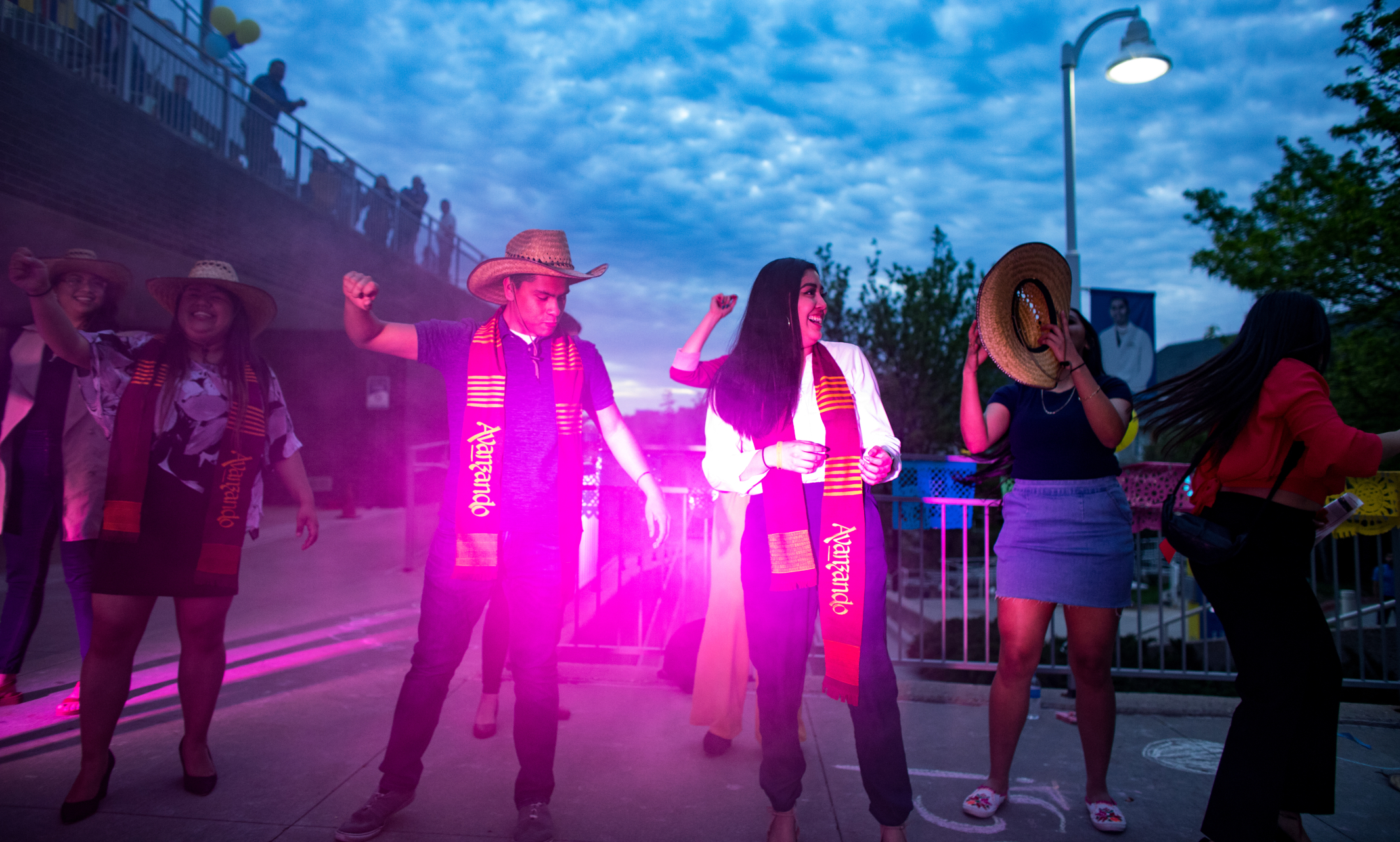
Launched in 2011, the program currently serves 150 students
Avanzando, a support and resource program for Latinx students at the University of Missouri-Kansas City, will celebrate its 10-year anniversary this year.
A decade ago, many Latinx students at UMKC felt they lacked a sense of belonging on campus and personal relationships with role models in the professional world for them to emulate. As a result, Avanzando was born.
"There was a clear need to support the growing Latinx student population, not only academically but also professionally, after graduation," said Alberto Villamandos, one of the founding mentors for the program. "We knew a membership program with Latinx and Hispanic faculty and the KC community was the way to go. Representation matters, and feeling that there are people who understand what you are going through as an undergraduate student, and who you can share your achievements with, was, and still is, critical."
The program began as a partnership between the UMKC Divison of Diversity and Inclusion and the Hispanic Development Fund. In 2017, the program transitioned to the Office of Multicultural Student Affairs, where it has expanded from only serving Hispanic Development Fund scholars, to any Latinx students interested in being served through the program.
Avanzando works to communicate to Latinx students that there is a place carved out for them at UMKC through supporting, mentoring resources and connections to help them do well in school, graduate and find success in their careers.
Goals of the program include increasing student retention, improving graduation rates and assisting in successful transitions of students into graduate school and/or career positions.
An Avanzando student reads from a 'career development guide' at a meeting in 2012. Photo by Brandon Parigo.
"The program started with 27 original members," said Ivan Ramirez, coordinator for the UMKC Multicultural Student Affairs Department and the Avanzado program. "In 2016, we had grown to 73 scholars, and then it grew to its biggest size of 260. Right now, we are at 150 scholars and we serve them just as well as we were serving the original 27."
Avanzando mentors are volunteers from UMKC faculty and staff, as well as community members with no ties to the university. Students are matched to mentors based on common goals and career interests and meet regularly with mentors throughout their time at UMKC.
Mentors offer students academic support, promote their cultural identity development and enhance access to resources and networks in the professional world.
"There is a wide range of mentors. We have lawyers, CEOs, doctors, dentists," Ramirez said.
"I think it's important for (students) to have somebody to talk with that looks like them, that has been through what they are going through. I am a first-generation (college graduate), so when they come talk to me and tell me their stories, I can relate to them, I've been in their shoes. That's what being a mentor is, it's so valuable to have someone that looks like you say, 'hey I've been there, I get it."
Villamandos said he feels proud of the success that Avanzando has seen over the years. He said that he is still in contact with many of the original members of the program as well as students he has mentored over the years.
"We are a family. That tells you how meaningful this program is to mentors and mentees alike," Villamandos said. "The academic and professional support has been proven, with great retention rates and so many students who went into grad school and great jobs."
Oct 04, 2021
Local media cover the opening of the Robert W. Plaster Free Enterprise and Research Center
Several media outlets covered the grand opening of the Robert W. Plaster Free Enterprise and Research Center, a $32 million, 57,800-square-foot high-tech research center. Coverage included:
KMBC
KOLR
Fox4KC
Startland News
Oct 01, 2021
Local media cover the name change for Truman Medical Centers
Hospital leadership feel the name change will help patients, community members and others understand the unique partnership University Health has with the University of Missouri-Kansas City. Stories appeared in these news outlets:
Rebranding Truman Med - Flatland
Kansas City’s Truman Medical Center Changes Its Name. Here’s Why, and What It Means (subscription required) - The Kansas City Star
Truman Medical Centers Drops the 'Truman' After 50 Years and Rebrands As University Health - KCUR
Truman Medical Centers Changes Name To University Health - KSHB
Truman Medical Centers Goes All-in On University Health Brand - Kansas City Business Journal
Truman Medical Centers/University Health Announces New Name, Is Now University Health - KCTV5
Truman Medical Centers Changes Name To University Health - Fox4KC
Oct 01, 2021
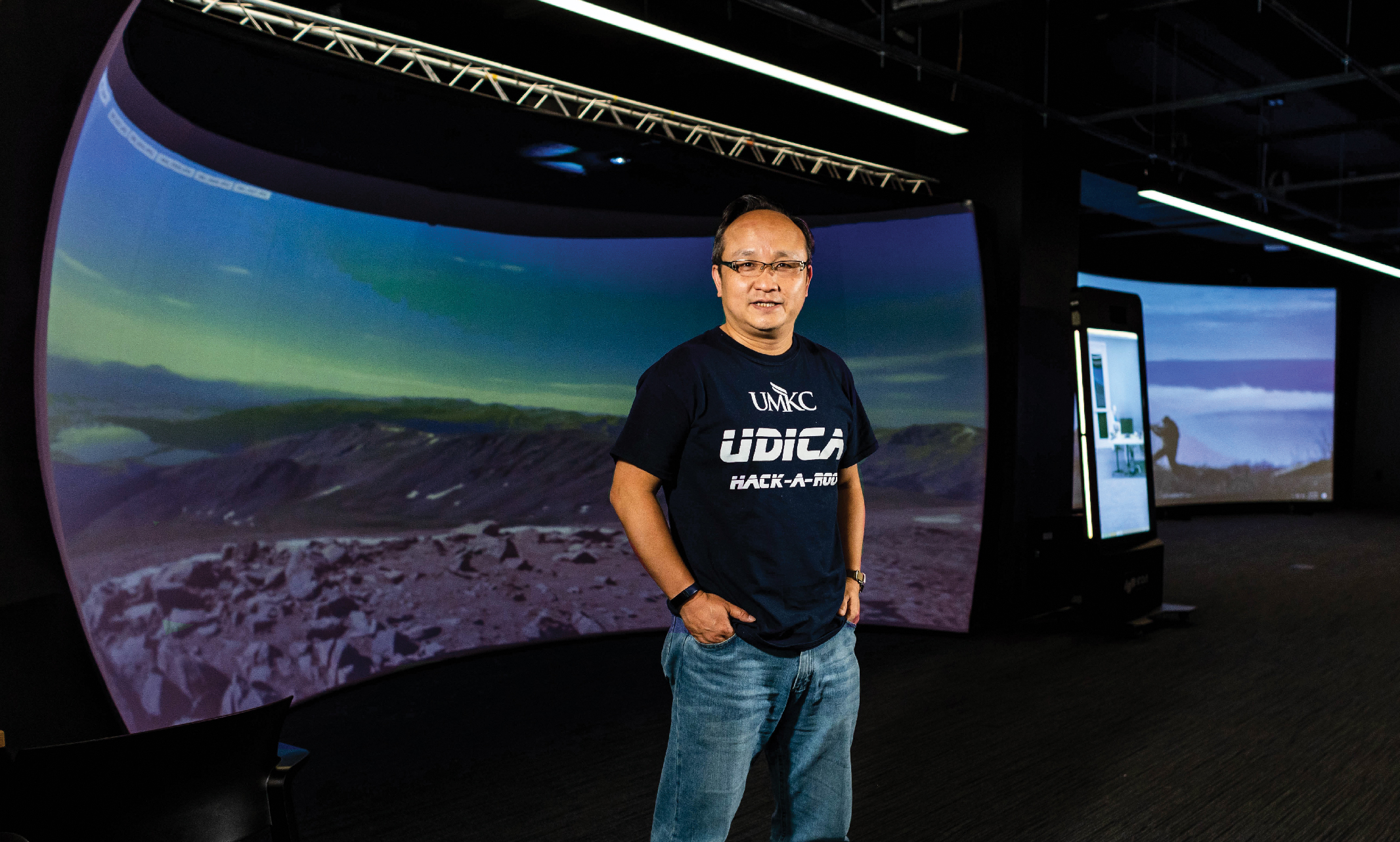
Video game technology reimagined for the real-life battlefield
We’ve all seen the dangers of war, whether it be in the news, movies or in video games where we get to virtually immerse ourselves in simulated military operations. With various combinations of the A and B and X and O buttons, we strategize actions, move in on targets and eliminate opponents.
In our increasingly digital world, one UMKC professor is exploring how to maximize the virtual experience to serve real-life military operations.
Associate Professor Zhu Li, a renowned artificial reality and virtual reality (AVR) research expert, is helping to bring virtual warfare into reality using the new AVR space located in the Robert W. Plaster Free Enterprise and Research Center.
It’s only fitting that as a war history buff – he can identify nearly every WWII aircraft – Li would be working with the United States Department of Defense and the U.S. Air Force to develop a 3D technology to give soldiers a new set of eyes on the battlefield. Using point cloud compression and communication — a way of compressing and transmitting volumetric visual data to present the real world in 3D — soldiers will be able to literally see the enemy from a mile away.
“The idea is to virtualize special forces in warfare because soldiers get air dropped into hostile-raging situations,” Li says. “Normally there’s no way to tell what they’re getting into, but with this new equipment soldiers don’t have to risk their own life. They send an unmanned aerial vehicle, or drone, with 360 cameras and 3D sensors, and the soldier can navigate the cameras and find the target based on information transmitted back.”
To enable this, the drones need 3D sensing, information capture and compressions and communication to present it back to a different device in real time. It’s the same kind of technology used in military[1]themed video games — goggles included — but reconfigured for real-life scenarios.
“It’s like they’ll have virtual eyes and ears in the battlefield. … They can be anywhere on the battlefield and have precise 3D information about the situations, buildings, vehicles, people, everything,” says Li, comparing it to Google Maps’ street view with added 3D elements.
Having a 360-degree view gives soldiers the freedom to navigate the virtual world and be able to walk around and scope out what’s ahead.
“Number one, it’s safer and, two, it’s more effective because human eyes and perceptions are limited. With this new technology, you can see much further and identify you targets much easier. You have more accurate positioning,” Li says.
He’s still doing the algorithm research, so it will be another three to five years before it’s sent off to produce a prototype. But, Li says, the state-of-the-art 3D and AR/VR technology in the Plaster Free Center will enable him to take this research even further.
Sep 30, 2021
New lab spaces give students hands-on training
As excitement surrounding the opening of the Robert W. Plaster Free Enterprise and Research Center has ramped up, so has excitement surrounding the expanded education and research opportunities it provides.
Among the building’s most eye-catching features is the three-story Motion Capture Lab and Flight Simulation Lab, reflecting the School of Computing and Engineering’s expansion into aerospace engineering.
Through his work with unmanned aircraft technology, Associate Professor Travis Fields noticed that many high-level contracts, grants and research initiatives were leaning toward airspace. He also noticed that students required more hands-on experiences in rigorous, interdisciplinary fields like mechatronics, an intersection of electronic, electrical and mechanical engineering systems.
Together, Fields and Assistant Professor Mujahid Abdulrahim are partnering to charter the Master of Aerospace Engineering program at UMKC.
“The courses Travis pioneered are things we would love our students to know, like system modification and guidance laws for aircraft — classes that address the research needs and lay the foundation for aerospace curriculum,” says Abdulrahim, who’s been flight-testing aircraft for 21 years. “Anytime students are tasked with designing something new or have a specific desire to go into aerospace, we’re teaching the philosophy behind it.”
Whether students need to understand how to develop new things or have a specific desire to go into aerospace engineering, Fields and Abdulrahim agree that aircraft can be a great jumping-off point for other areas of engineering. And while both professors admit their obsession is with with aircraft, students will also learn to integrate cars for those who want to go into automotive testing and performance assessment.
“There is a responsibility on you as an engineer to do good work. It’s not just optimizing the most efficient system possible, it’s also about the holistic design approach that aerospace engineering promotes,” says Abdulrahim.
That’s where the new Flight Simulation Lab comes in. The lab allows students to do complex and relevant tests in safe and accessible ways, teaching them all the things Abdulrahim says he wishes someone would’ve told him when he started out. The new space will help provide the workforce development training students really need.
Sep 30, 2021
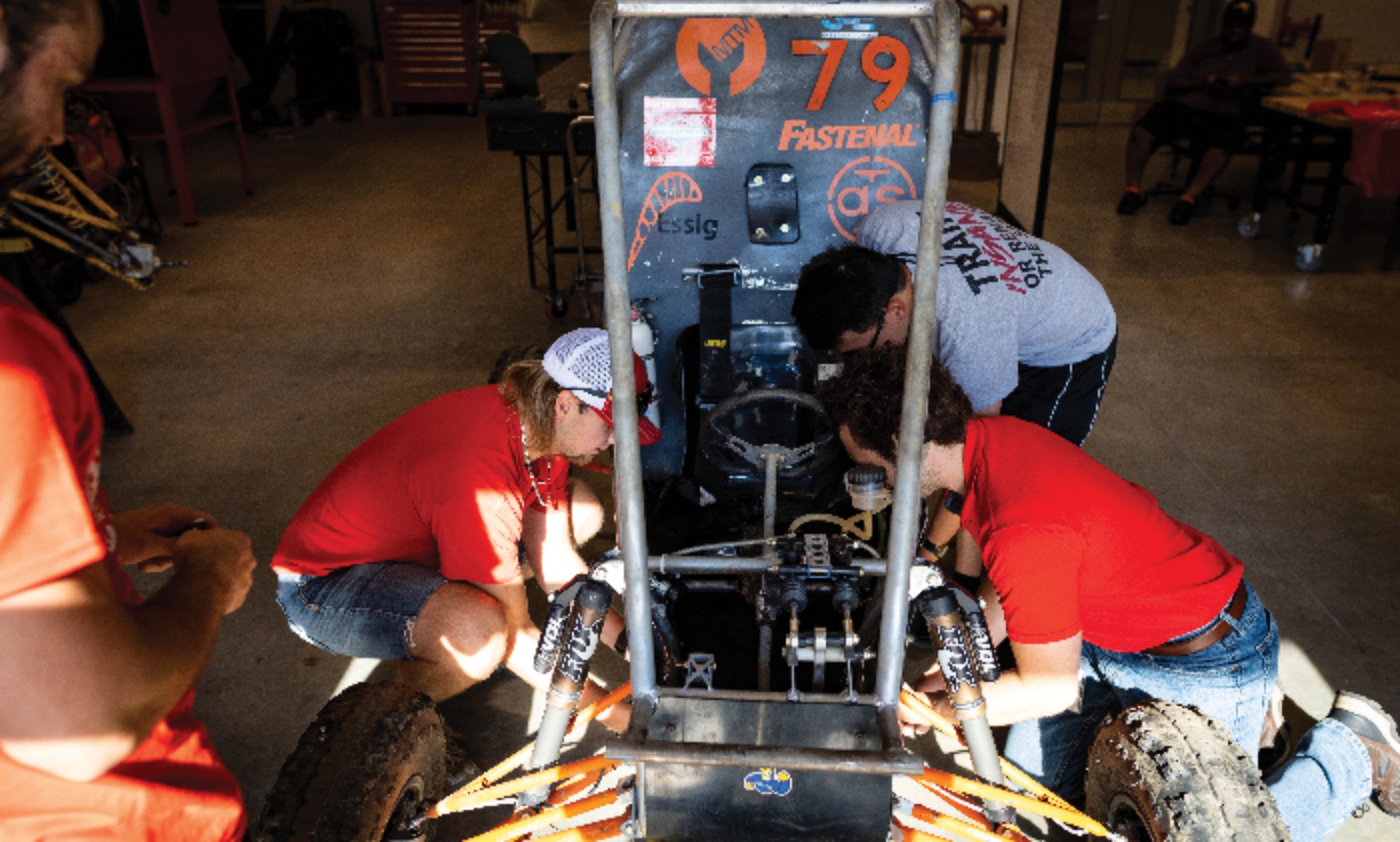
New collaboration area allows for peer-to-peer prototyping and a superior student teams workshop
Engineering is a collaborative process, and at the UMKC School of Computing and Engineering, collaboration is a cornerstone of the student experience.
In fact, in the undergraduate capstone course Senior Design, students are challenged with taking a real-world engineering problem through the entire design process alongside a group of their peers. Thanks to the School’s close proximity to industry, faculty are able to partner with local businesses to actually “hire” these small groups.
For years, students from Senior Design have crouched in empty classrooms or gathered inside their garages to work — until now.
The Robert W. Plaster Free Enterprise and Research Center features a new space on the first floor just for students: the Black & Veatch Student Collaboration Studio. With large workspaces and access to state-of-the-art 3D printers, students will be able to collaborate much more effectively. For the first time ever, they can test their prototypes in a dedicated environment.
“These projects are really the first time the students get to work on a ‘real-world’ engineering problem, just like they will be doing in a few months after graduation,” says Assistant Dean Katherine Bloemker. “They are required to take their ideas from the concept phase through to the detail design phase and, most importantly, to the prototyping and testing phase.”
Classroom requirements aren’t the only thing to draw students to the first floor. Adjacent to the collaboration space is the Burns & McDonnell Student Teams’ Fabrication Shop, another hub for students to work together — designing and building for engineering competitions such as the concrete canoe, big beam challenge and, of course, our signature Baja Racing Team.
According to Baja Racing Vice President and Frame Lead Clayton Morgan, “Having access to this new space really changes the game in terms of our ability to compete.”
The laser jet cutter, paint booth, drill press, horizontal band saw and other tools located in the student space have saved the team both time and money. Where they previously would have sent a frame to be fabricated by an external vendor, now they can manually bend, cut and notch the tubes together — allowing them to really experience bringing their designs to life.
Morgan, who is a junior in the mechanical engineering program, says he chose UMKC in part because the Baja Racing program was highlighted during his campus visit. He “saw the team was pretty prominent in the School and that year ranked 11th out of 116 teams nationwide, a sign that they’re top tier.”
In addition to Baja Racing, Morgan credits UMKC’s close proximity to industry with his choice to study here — both aspects of the school only enhanced by these new collaboration hubs.
Sep 30, 2021
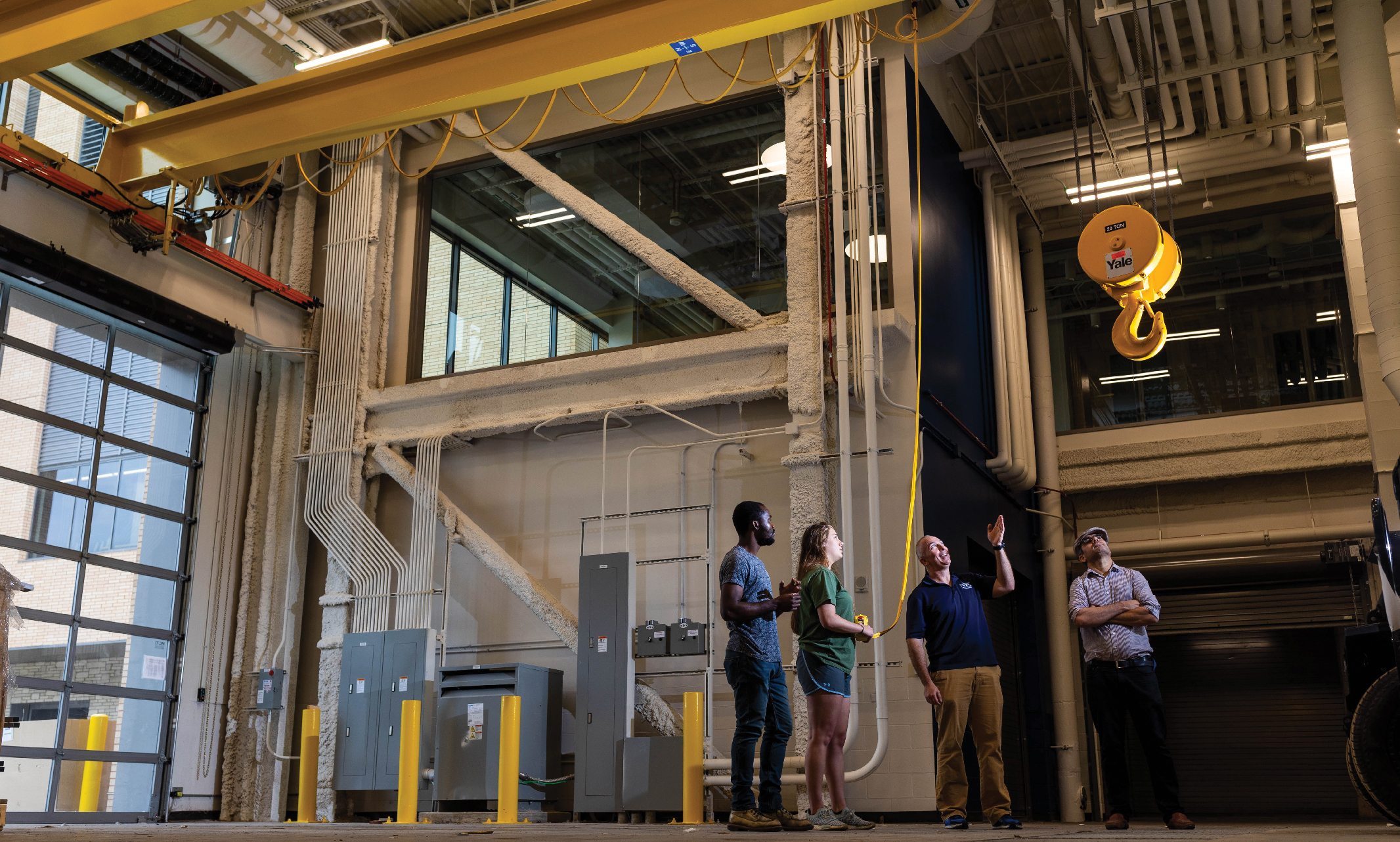
Two-story Structural Lab helps prepare Kansas City’s next generation of civil engineers
There’s no denying Kansas City is a hub for civil engineers.
With international industry leaders such as Burns and McDonnell and Black and Veatch headquartered locally, Kansas City maintains a uniquely high demand for new recruits trained in the field. So even before the plans for the new Plaster Center began to take shape, SCE leadership knew it was critical to provide students with a state-of-the-art structural lab.
Today, the UMKC Structural Lab occupies the west wing of the Robert W. Plaster Free Enterprise and Research Center. This two-story facility is designed to test full-size structural components like highway beams.
“It is always a benefit for structural engineers to see how their designs are constructed in reality,” says John Kevern, Ph.D, chair of the Department of Civil and Mechanical Engineering. “This hands-on experience provides a level of practicality that we haven’t been able to offer before and will improve the quality of all civil engineering students.”
In addition to preparing graduates for competitive jobs here in Kansas City and beyond, the Structural Lab will allow faculty to propose projects using non-traditional materials and analysis techniques because they now have a testbed for validation and verification.
By the numbers:
The two-story crane can support up to 20 tons.
Beams up to 53-feet can be unloaded and tested.
Sep 30, 2021
Research experiences at UMKC lead mechanical engineering graduate to pursue Ph.D. in bone biomechanics
With the opening of the new Plaster Center, even more students will have the opportunity to engage with leading-edge research. We recently caught up with one School of Computing and Engineering alumnus who knows just how valuable these experiences can be in guiding your career.
Elliott Goff (B.S. ’13, M.S. ’16) spent the first six years of his higher education experience at SCE and now finds himself exploring medical technology research across the Atlantic at ETH Zürich, a research university in Switzerland.
Elliott Goff
Tell us more about what you’re up to in your current position.
I’m a Ph.D. candidate and researcher within the field of bone biomechanics. I investigate bone cell (osteocyte) shapes and relate them to disease (idiopathic osteoporosis). Our collaborators sent us roughly 100 human bone biopsies; I developed a method to prepare, 3D-image and analyze the osteocytes within each biopsy to create a database of roughly 25 million cell geometries. Then I do some big data processing and compare elements between healthy (control) biopsies and diseased biopsies. The ultimate goal of this project is to use cell geometry to classify disease severity.
How did you find yourself exploring this topic?
I won a DAAD Rise Germany fellowship my junior year to spend the summer researching mouse osteocytes in Berlin at the Charité University Hospital. I clearly remember my first day: My supervisor gave me some background reading that turned out to be research studies published by Lynda Bonewald (Ph.D.), a UMKC professor at the time. Between that summer research experience and learning about the UMKC connection, I knew I would pursue the field of bone biomechanics.
How did your undergraduate and graduate research experiences at SCE prepare you for your work now?
During my sophomore year, I joined two UMKC faculty members — Amber Rath-Stern, Ph.D., and Matt Stern, Ph.D. — on a biomedical engineering research project about the mechanical stiffness of tissue scaffolds. This is where I first learned about biomedical engineering and became enamored with the intersection of mechanical engineering and biology. This experience led to subsequent projects at UMKC with Greg King (Ph.D.) in his gait lab and Lynda Bonewald in her osteocyte lab. While earning my master’s at UMKC, Dr. Bonewald introduced me to my current mentor at ETH Zürich. And UMKC’s international academics director, Linna Place (Ph.D.), helped me draft the grant application that provided the funds to send me to Switzerland.
What’s next?
I plan to graduate this year with my Ph.D. and am currently on the hunt for a position in the medical technology field. Research has been my passion for the last decade, and I look forward to bridging the gap between the laboratory and solutions to real-world problems.
Sep 30, 2021
Navy grant will help UMKC develop better tools to help students from diverse backgrounds find success
A workforce development program at the University of Missouri-Kansas City, designed to bring more students from diverse backgrounds into science and technology careers, is one of 12 national Science, Technology, Engineering & Mathematics (STEM) Education and Workforce Programs to receive funding from the Office of Naval Research.
The grant will help faculty expand their capacity to provide students from diverse backgrounds meaningful research and workforce experiences in STEM degree programs.
“Equity-Forward Workforce Development Pipeline for Naval STEM Superiority” is led by Daniel H. McIntosh, Ph.D., department chair and professor of Physics and Astronomy in the UMKC College of Arts and Sciences. The $758,000 three-year grant will be used to implement and evaluate a new educational pathway framework to onboard, train and provide undergraduate research experiences to interested sophomore and incoming transfer students in one of four active research areas at UMKC that are aligned with Navy STEM priorities: cybersecurity, unmanned aerial systems, radio frequency simulations, and remote sensing. The Navy funding will support the development of competency-based research skills training courses, provide financial aid for historically underserved students, and offer paid internships for summer research experiences in any of the four research areas.
These pathways will provide STEM-interested students with 15 weeks of data analytics and technical skills training tailored to one of the four Naval STEM areas; faculty-mentored research experiences; internship programming through UMKC Career Services; and exposure to Naval STEM opportunities and careers.
The UMKC team is a partnership of faculty and staff with expertise in a variety of areas including STEM education and research, engineering, computer science, urban education and career services to provide complete workforce preparation. The team includes McIntosh; Travis Fields, Ph.D. associate professor, UMKC School of Computing and Engineering (SCE); Zhu Li, Ph.D., associate professor, UMKC SCE; Farid Nait-Abdelssalam, Ph.D., professor, UMKC SCE; Roy Allen, Ph.D., lead mechanical engineer, UMKC Missouri Institute for Defense and Energy (MIDE); Kaylan Durbhakula, Ph.D., assistant research professor, MIDE; Karin Chang, associate director of the Urban Education Research Center within the UMKC School of Education; Alexis Petri, Ed.D., senior director of faculty support in the UMKC Provost’s Office; Tess Surprenant, interim director of the UMKC Career Center; and Audrey Lester, assistant director of the Undergraduate Research office.
The program is designed to benefit STEM-minded students from all backgrounds by giving them the inclusive experiences, intentional encouragements and skill development necessary to succeed in college and beyond.
“This project focuses on equity to overcome historical barriers for underrepresented and underserved students and utilizes high-impact engagement practices to support the success of all students who are interested in research training and experiences,” McIntosh said.
He believes that university educators must do more than provide students from diverse backgrounds access to opportunities.
“To broaden student success, we must encourage inclusive engagement in their learning and workforce skill development,” he said. “The outcome will not only be vast improvements in equity but a thriving educational system that helps all students achieve their full potential.”
Recruitment for these courses will begin Fall 2021. Coursework will begin Spring 2022.
Sep 30, 2021
Kansas City-area fire departments offer incentives to address paramedic shortage
The Kansas City Fire Department has taken a proactive approach to attracting candidates by partnering with UMKC School of Medicine's paramedic and EMT program to bring in new candidates. KCFD is also paying for classes for current employees who go through the program. Read more.
Sep 29, 2021
Des Moines, other cities saw a record homicide surge in 2020, a year marked by protest and COVID
"To be fair and clear, we're going to be unpacking whatever the hell happened in 2020 for the rest of my career, for sure," said Kenneth Novak, a criminal justice expert and professor at the University of Missouri-Kansas City. Read more.
Sep 29, 2021
Where to find the best rooftop views in Kansas City
You don’t have to ride Liberty Memorial's antique elevator to get the perspective you crave; many other spots around town offer equally uplifting views, such as the Warko Observatory at UMKC. Read more.
Sep 29, 2021
Talking to Maya Angelou’s son about the new award named in her honor
Novelist Whitney Terrell, an associate professor of English at the University of Missouri-Kansas City, oversaw the creation of the award with Phong Nguyen, an English professor and director of creative writing at the University of Missouri-Columbia, and Carrie Coogan, the Kansas City Public Library’s deputy director for public affairs and community engagement. Read more.
Sep 29, 2021
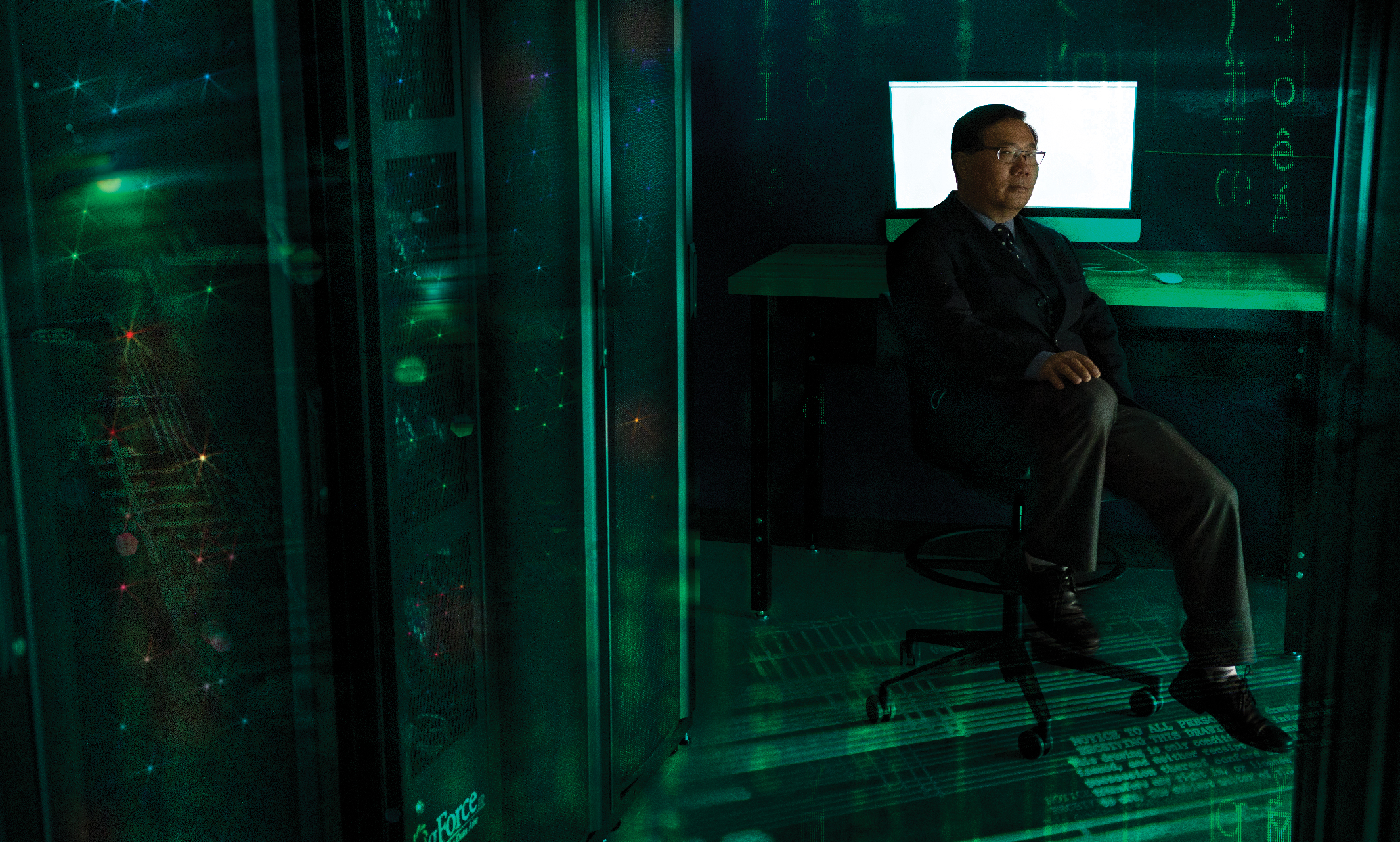
Deep learning research identifies cybersecurity risks
What’s the easiest way for hackers or spies to penetrate a secured computer network?
Have the network managers open the door and invite them in.
Almost all networks purchase basic software from third-party creators. The bad guys have figured out that the third parties present an opportunity for them to penetrate software-supplier systems and hide malware inside the software to be purchased. The software becomes a digital Trojan horse, carrying attackers inside the network’s walls.
That was the strategy behind a huge espionage campaign, first revealed in December 2020, that compromised several major U.S. government agencies, including the Justice Department and the Treasury, as well as private companies including Google and Microsoft. It has been described as one of the largest and most successful digital espionage cases in history.
That’s where Professor Dianxiang Xu comes in. In the SS&C Data Analytics, Cybersecurity and High Performance Computing Facility of the Robert W. Plaster Free Enterprise and Research Center, Xu is using deep learning models, a specialized area of artificial intelligence (AI), to help combat the emerging threat. The goal is to use static code analysis of computer programs to find potential defects and security vulnerabilities. The work is funded by a National Science Foundation grant.
“Software vulnerability is a major source of cybersecurity risks. It is very difficult to identify vulnerabilities in software code as software has significantly increased in both size and complexity,” Xu says.
“Finding software vulnerabilities is analogous to ‘searching for a needle in a haystack.’ Recent advances in deep learning can be promising for predicting software vulnerabilities.”
Spies and hackers aren’t the only bad guys Xu is working to combat. He is also studying ways to use AI to collect and process digital evidence for presentation to juries in court. Xu is basing his network security work on a deep learning model known as The Transformer.
“Finding software vulnerabilities is analogous to ‘searching for a needle in a haystack.’ Recent advances in deep learning can be promising for predicting software vulnerabilities.” - Dianxiang Xu, Ph.D.
“The Transformer is a deep learning model introduced in 2017, used primarily in the field of natural language processing, or NLP,” he says. “It has enabled training on larger datasets than was possible before it was introduced. The pretrained transformer systems such as BERT (Bidirectional Encoder Representations from Transformers) have achieved state-of-the-art performance on a number of NLP tasks.”
“Considering the similarity and difference between natural languages and programming languages, we expect the transformer systems can be pretrained with a large amount of computer code so as to improve various program understanding tasks, such as detection of vulnerabilities in source code.” So, how vital is the anti-spyware research underway by computer scientists such as Xu?
In an article for The New Yorker, Sue Halpern wrote: “The simple truth is that cyber defense is hard, and in a country like the United States, where so much of our critical infrastructure is privately owned, it’s even harder. Every router, every software program, every industrial controller may inadvertently offer a way for malicious actors to enter and compromise a network.”
Inside the Plaster Center, Xu can be found chipping away at those many cyber threats, one model at a time.
Sep 29, 2021
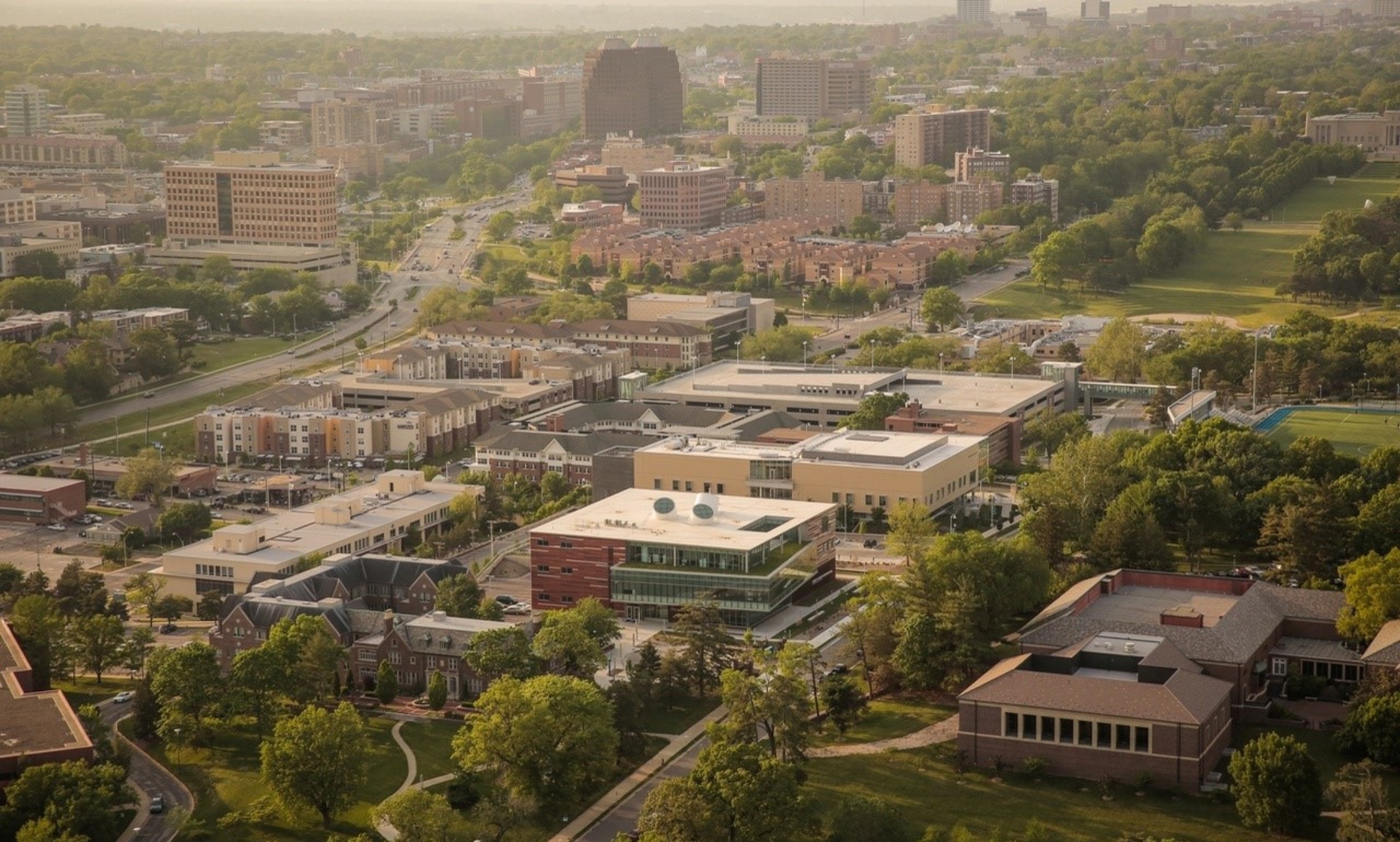
Response to COVID-19 crisis and STEM programming drive innovation, receive support through trustees awards
The University of Missouri-Kansas City Board of Trustees announced the 2021 UMKC Trustees Engagement Awards recognizing community partners and their outstanding support to the university and the community.
This year the Trustee Engagement Awards Committee recognized two recipients for both the Community Partnership Award and the Leo E. Morton Community Service Award as no awards were presented in 2020.
The Community Partnership Award recognizes ongoing and indispensable partnerships that strengthen UMKC. The recipients’ support is essential to the university’s success and is also a critical component in fulfilling the university’s urban-serving mission of education and research that enhances the quality of life in the region. Truman Medical Center and Evergy, Inc. received this year’s awards.
Truman Medical Center (TMC), a longtime, critical partner of the university, took a swift and entrepreneurial approach to community care in response to the COVID-19 outbreak. Programming included mobile testing units that went to churches, community centers and gathering places. TMC provided immediate and ongoing public education in conjunction with neighborhood partners, including the Negro Leagues Museum and the Kansas City Public Library, in both English and Spanish.
“The leadership that Truman Medical Centers and their Community Health Strategies and Innovation team showed community leaders and members during the pandemic through mobile testing and health education were critical in how our communities responded to the pandemic,” says Rev. John Miles, president of the Metropolitan Kansas City Baptist Ministers Union.
Evergy’s support of UMKC is broad and deep, including schools and programs across campus. They have supported the School of Computing and Engineering (SCE) through scholarship funding and a $500,000 pledge for the Evergy Renewable Energy Lab and Roof Deck in the Robert W. Plaster Free Enterprise and Research Center. The company’s support of the KC STEM Alliance, a K-12 STEM initiative housed within SCE, furthers the mission of building the STEM talent pipeline.
“Evergy recruits associates as classroom speakers, mentors, volunteers and judges for a variety of events throughout the year in Kansas City,” Martha McCabe, executive director of KC STEM Alliance, says. “They are committed to reaching a broad range of students and actively recruit a diverse pool of volunteers in efforts to connect with all students.”
The Leo E. Morton Community Service Award recognizes a group or entity within UMKC for outstanding work that embodies the university’s mission as an urban-serving university. The recipients’ contributions ensure UMKC remains embedded in the fabric of the community through innovative services, programs and projects that strengthen and enhance the quality of life in the region and serve the citizens of Kansas City. This year’s awardees are the UMKC School of Law Child and Family Law Program and Cameron Lindsey, PharmD, interim chair of the division of pharmacy practice and administration at the UMKC School of Pharmacy.
The UMKC School of Law Child and Family Law Program spans three decades of innovative services and programs that strengthen the relationship between the university and the community. The Child and Family Services Clinic provides free legal services for parents, relatives and custodians who need help obtaining clear and reliable custody orders for children who have a history of being abused or neglected.
The process of seeking an Order of Protection is time-consuming and challenging, and when COVID shut down courthouses in spring 2020, the problem became more acute. Last year, the school’s Self-Help Clinic worked with the Kansas courts to develop an online portal for those seeking orders protecting them from abuse and stalking. The result is an online protection order portal which is now in place across the state of Kansas.
“While I know this project was but one small part of the many ways in which the Child and Family Law Program provides innovative, justice-driven education and community engagement throughout our region, it is special,” Keven O'Grady, Johnson County Kansas District Court judge, says. “We hope that the portal can be a model for courts across the country.”
Cameron Lindsey, PharmD, interim chair of the division of pharmacy practice and administration at the UMKC School of Pharmacy, is a dedicated community volunteer, securing close to $9 million in donated medications for the Shared Care Free Health Clinic of Jackson County. During the COVID pandemic, Lindsey became authorized to provide vaccines at the university and has been holding weekly clinics, as well as working with other organizations to ensure they have adequate staffing for community events.
“Dr. Lindsey cares deeply for others, the students she mentors and the stewardship of our institution,” Sheri Gormley, chief of staff office of the chancellor. “She fosters a culture of care and service as a leader at the School of Pharmacy and in all she does at UMKC.”
The UMKC Board of Trustees is a non-profit organization established by civic and community leaders to support the University.
Sep 29, 2021
Startland News reports on the opening of the Robert W. Plaster Free Enterprise and Research Center
“We have never had a facility like this — with the diversity of equipment and the availability to get involved,” said Christina Davis, director of the studio for the School of Computing and Engineering at the University of Missouri-Kansas City. “Anyone walking through the building can see exactly what research is being done. And to invite students to participate and collaborate, that is what makes this building special.” Read more.
Sep 28, 2021
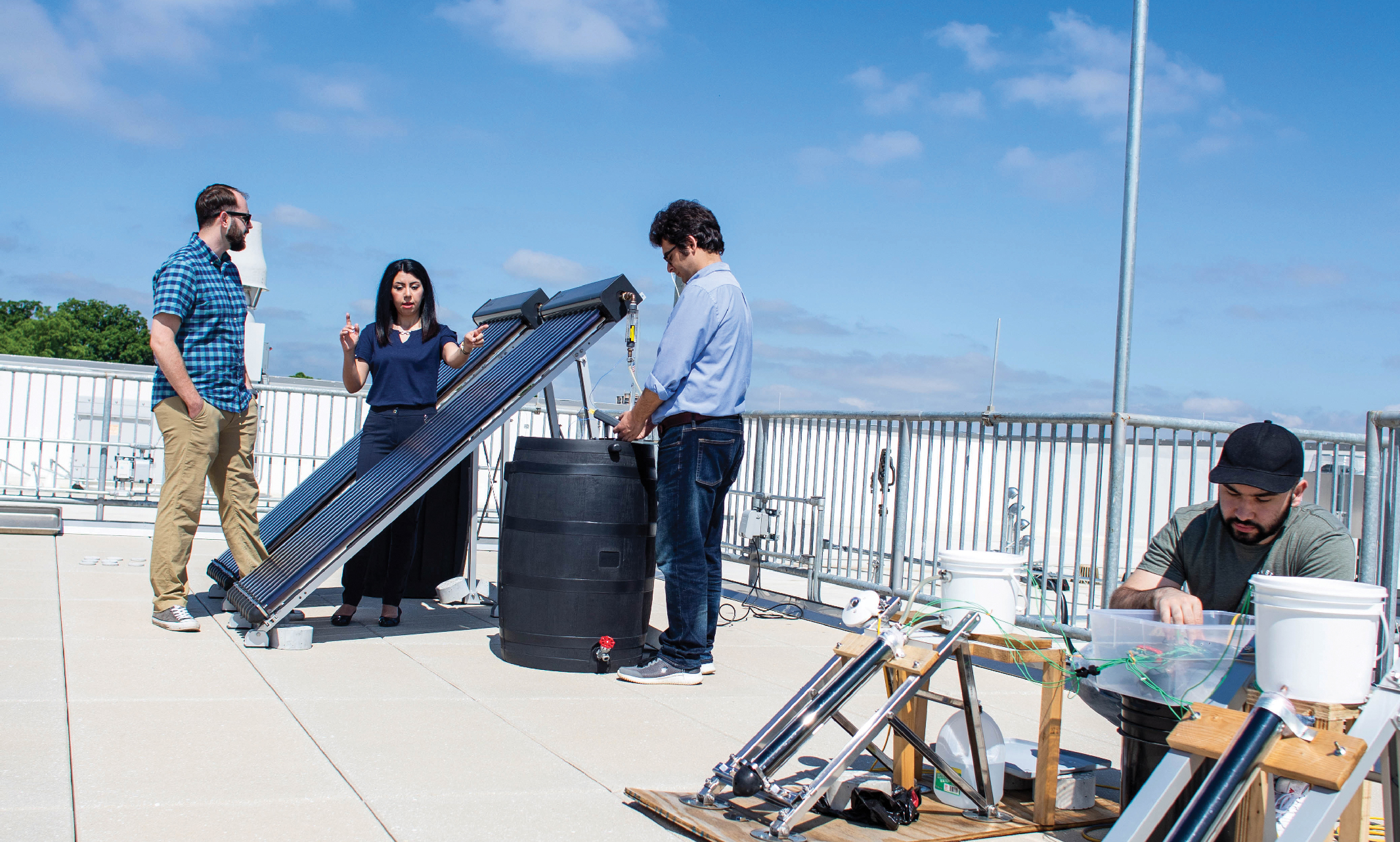
In the Plaster Center, even the roof is optimized for groundbreaking research
Most days, Assistant Professor Sarvenaz Sobhansarbandi, Ph.D., keeps her eyes on the sky.
Sobhansarbandi has spent her career studying solar energy. Her research focuses on a type of solar thermal collector called an evacuated tube collector (ETC). More specifically, she is interested in how this type of collector can make water heating systems more efficient.
The Robert W. Plaster Free Enterprise and Research Center includes two unique spaces for Sobhansarbandi and her students: the Evergy Advanced Renewable/Thermal Energy (ART-E) Lab and the accompanying Evergy Renewable Energy Roof Deck.
Since the completion of the Plaster Center, Sobhansarbandi and her students have spent much of their time on the roof and the lab, working to learn more about ETCs and how we can best utilize them.
How is the Plaster Center enhancing your research with ETCs and solar water heating?
The Evergy Renewable Energy Roof Deck was designed for maximum solar gain exposure. It uses local, easily configurable, leading-edge technology to test both small- and large-scale ETC solar water heating systems. The space will also allow us to get baseline results for Kansas City weather conditions and optimize the system’s functionality to achieve higher efficiency.
A low-voltage conduit connects the roof to the lab below, allowing us to monitor the system and data connection devices. Outside of the Renewable Energy Research Lab, the new 3D printing lab and Innovation Studio will allow us to fabricate prototypes in-house and move them straight upstairs for testing.
Are you working with any new technologies in your new spaces?
The 5,000-square-foot roof deck gives us plenty of space for a new full-scale solar water heating system. In the future, we plan to integrate photovoltaic arrays and a weather station to track comprehensive, real-time conditions. Currently, we are able to monitor solar radiation intensity using Pyranometers on the roof, connected directly to the lab space.
How have your students responded to the new research lab?
My graduate and undergraduate students are very excited as the new lab gives them the opportunity to perform research in an even more well-equipped environment. Here are some of their individual reactions:
“Moving into this new lab is great as we now have a more sophisticated facility to do hands-on experimental research.”
“It’s wonderful to have more space to work on our research and collaborate comfortably.”
“The new lab is equipped with high-tech devices and a big glass window, which makes it a more visually and thermally comfortable place to monitor the technology.”
“The new facilities have given me the opportunity to pursue my research in avenues that I previously thought were impossible.”
Does the new space enhance your teaching?
Absolutely! My mechanical engineering students get to see some real-world applications of heat transfer in action in our solar water heating system setup, as well as all of the instrumentation used to monitor the equipment and collect data for our research.
My colleagues are also able to show examples of material analysis using the Thermogravimetric Analyzer and Differential Scanning Calorimeter in our lab. On top of all that, it’s a great excuse to take students outside for fresh air and sunshine to look at cool technology and the view of downtown KC!
How does your new lab compare to those of schools across the country?
Having 1,000-square-feet of interior space and direct access to the roof deck is a distinct feature. The dedicated space to perform field testing gives us the potential to cross-validate our simulation modeling results without the need for travel to other available research sites. In addition, the high-end video conferencing technology has been a huge benefit when collaborating with other researchers and staying connected.
What is the next step in your research?
Next steps include experimental investigation of modified large scale ETCs by applying preliminary findings from small scale analysis with the goal of efficiency enhancement. Additionally, development of control systems to automate and optimize the system functionality are being studied.
Sep 28, 2021
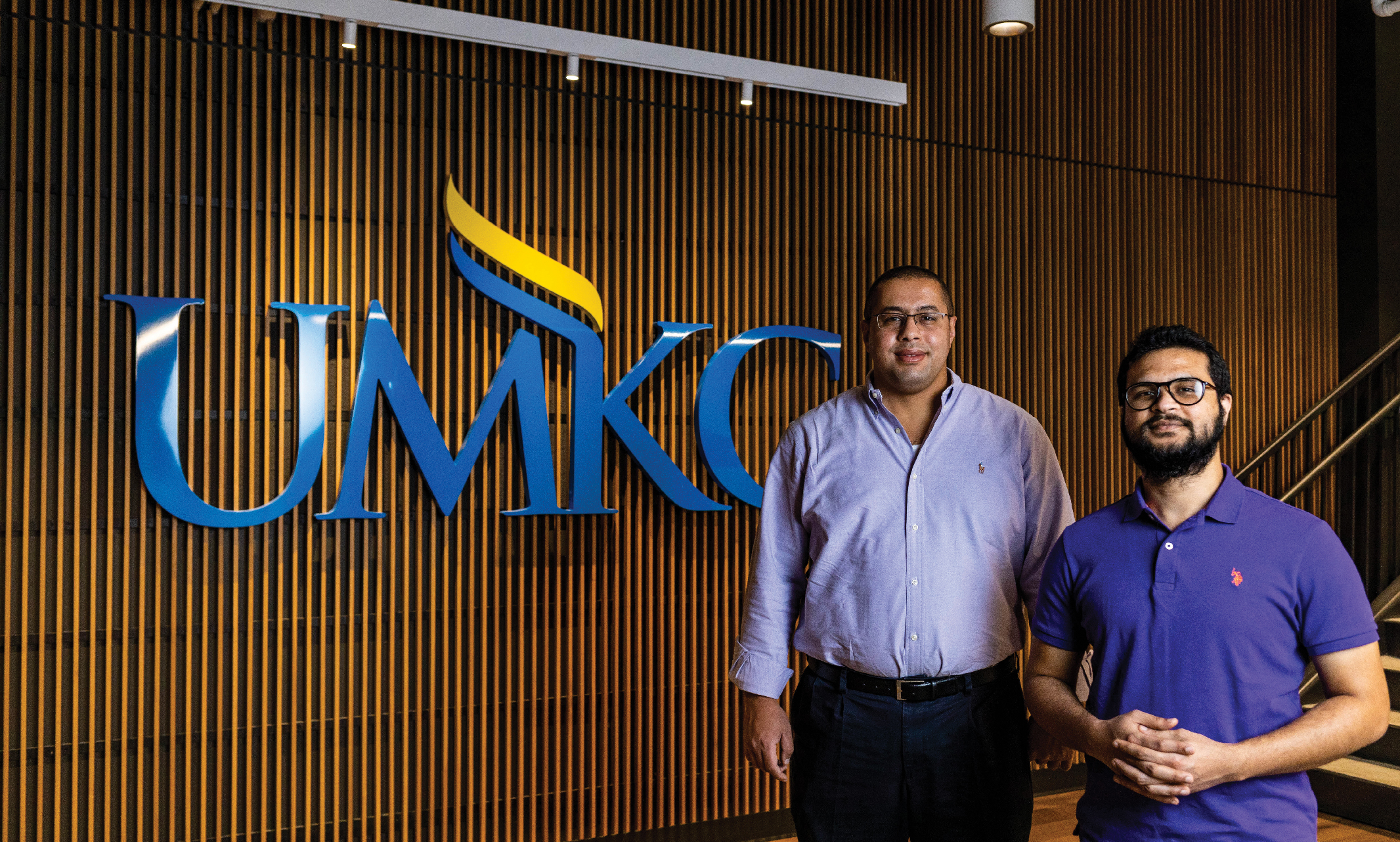
Using high-powered electric pulses to treat cancer in a 3D world
Ahmed Hassan, Ph.D., has long been fascinated by electromagnetics and how electrical impulses can affect the smallest of particles, particularly those with complex shapes. Inside the Advanced Power, Electronics and Electromagnetics Lab at the Robert W. Plaster Free Enterprise and Research Center, the associate professor is focused on how to use high-powered electrical pulses to treat cancer cells.
Scientists have for some time explored the use of electrical pulses to deliver drugs and gene therapies into biological cells. But where most of those studies have looked at cells in a two-dimensional realm, Hassan is taking things a step further.
“At UMKC, we are one of the first groups to study how the three-dimensional shape of actual cells, grown in realistic 3D environments, affects their electrical response,” Hassan says. “It’s only by looking at the full 3D structure that you can predict how the cell will behave when it’s excited by an electrical stimulus.”
Through their research, Hassan and his graduate research assistant Somen Baidya have shown that the outer shape of a cell plays a significant role in how it will react to an electrical stimulus. With help from the National Institute of Standards and Technology (NIST), where their scientists have been able to determine and reconstruct the exact 3D shape of cells, Hassan and Baidya now have thousands of cells shapes to work with, including cancer cells.
Precision to the One-Trillionth Degree
Armed with an array of computers to create computational models and simulations, Hassan is working with multiple computational techniques that can be used to calculate the response of those complex, three-dimensional cancer cells to electrical impulses.
Electroporation is a technique in which an electrical field is applied to a cell in order to increase the permeability of the cell membrane. This allows chemicals such as therapeutic drugs or even DNA to easily be inserted into the cell. The technique offers potential advantages over other therapeutic methods of cancer treatments because of its noninvasiveness and lack of toxicity for noncancerous cells, as well as the possibility of being used in combination with other therapies. The selectivity of the electroporation technique also makes it safer than other techniques that cannot differentiate between healthy and cancerous cells.
"If you want to kill cancer cells, then you apply a strong enough electrical stimulus to break down the cell membrane completely. We’re trying to figure out the optimum pulse that will give us the correct response." — Ahmed Hassan, Ph.D.
Variations in the rate of supraelectroporation used to pierce the cell membrane and penetrate the cell’s internal organelles can guide the selective targeting of desired cells with specific shapes. The current goal, Hassan says, is to determine how to calculate — with a high degree of accuracy and efficiency — the necessary voltage and precise location of these electrical pulses on the cell’s membrane to achieve the desired effect.
Electrical pulses are delivered at very high amplitudes for extremely short durations of time — from nanoseconds, which are one-billionth of a second, to picoseconds, which are one-trillionth of a second. In some instances, the goal is to create a tiny hole in the cell membrane, just large enough to deliver the material inside the cell without harming it.
“If the holes become too large, the cells might die,” Hassan says. “In some cases, that’s desired. If you want to kill cancer cells, then you apply a strong enough electrical stimulus to break down the cell membrane completely. We’re trying to figure out the optimum pulse that will give us the correct response.”
Once the computational techniques are developed, the next step will be to develop a machine learning (ML) platform that uses cell information to predict the precise excitation characteristics necessary to achieve the correct effect on the cell.
Ultimately, Hassan says, the new Plaster Center Power Lab will give him the capability to develop a novel, tunable, high-voltage pulser that can generate the desired electric surge needed as predicted by the ML platform. It will be designed to generate necessary short-time pulses of nanosecond or picosecond duration with high peak amplitude optimized for each cell shape.
From Medicine to the Moon
Once developed, this ML technology could be used to treat other types of cells, for instance, isolating and treating or modifying immune cells. Moreover, different electrical signals can be used to selectively move and isolate specific cells from a collection of cells.
“It’s like applying a magnet to the cell. That will start attracting the cell differently based on its shape,” he says.
Hassan is currently working on the first two aspects of the project to get preliminary data, then working on funding to start building the hardware.
“We’ve been working on this for three years,” he says. “An optimistic timeframe is that we’re halfway there to finishing the engineering aspects before we can take it to the medical researchers and ask them to help us with the actual biological tests.”
A member of the UMKC faculty since 2015, Hassan serves as director of the Multidisciplinary Multiscale Electromagnetics Lab. Before coming to UMKC, he began studying nanostructures with extremely complex shapes as a postdoctoral researcher at NIST. There he developed a large library of computational codes to study their response to electromagnetic stimulus.
“When I came to UMKC, I was using this library of computer codes that I had developed as an electrical engineer to study complex shapes with a wide range of applications,” Hassan says. “One application was to study biological cells with complex shapes.”
Another is looking at the electrical properties of sand and rock particles from the moon. Working with his collaborators at NIST, Hassan was able to obtain the three-dimensional shapes of sand particles obtained during the Apollo 11 mission to the moon.
“We’re trying to calculate the electrical response of those sand particles as another exciting application of using electromagnetic radiation to understand the physics of complex shaped particles,” he says.
Sep 28, 2021
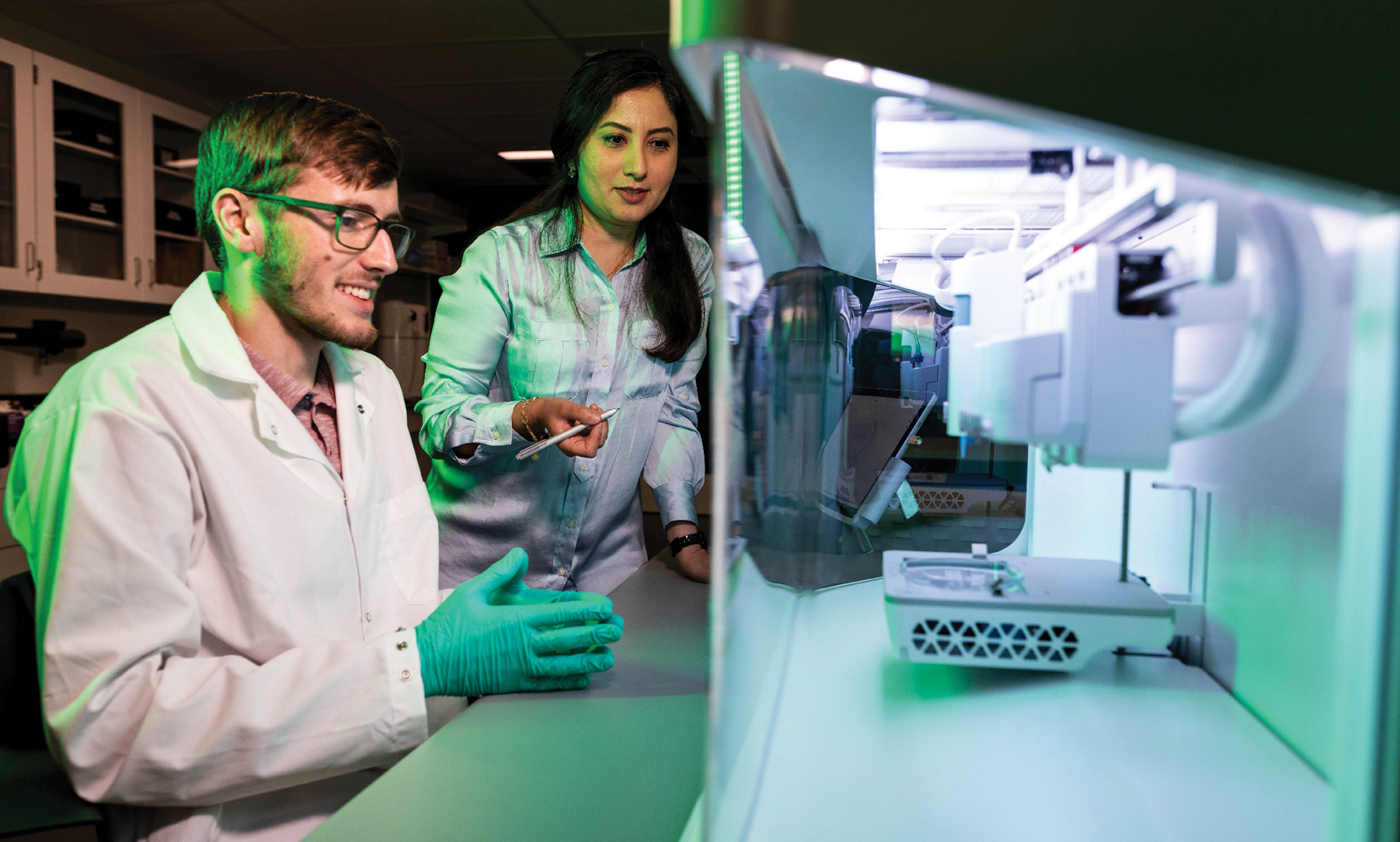
Plaster Center's contamination-free area has specs that get rid of the specks
When working with bio-and nanomaterials, success can hinge on keeping dust and other impurities out of the process. So for Assistant Professor Zahra Niroobakhsh and her colleagues, it was good news that the Robert W. Plaster Free Enterprise and Research Center would include a top-notch clean room.
“In the past I’ve had to use facilities in Lawrence, Kansas, for some work or order materials from elsewhere to start experiments, which can be very expensive,” says Niroobakhsh, an assistant professor in the Department of Civil and Mechanical Engineering. “But now we have the 3D bioprinters … and the Clean Room, to be able to make everything right here.”
APPLICATIONS ACROSS CAMPUS
For Niroobakhsh, “everything” covers a wide range of research interests and applications. She frequently works with other departments and schools, including chemistry, dentistry, medicine and pharmacy.
Clean Room experiments often involve designing and printing soft nanomaterials, which exist in a state between solid and liquid, then studying how they react and interact in different situations. Because the materials can be designed molecule by molecule, Niroobakhsh and her team can produce the tiny building blocks for all sorts of collaborative research and applications.
In petroleum engineering, for example, the aim can be to improve emulsions used in oil spill cleanup, or to enhance the substances used to recover more oil from a well. In pharmaceuticals, experiments can seek more stable and effective ways to deliver drugs or coat a microchip with a material that can detect virus or disease. And in medicine, the building blocks for cells can be tweaked depending on what is being studied.
Our new printer will allow us to inject six different liquids simultaneously and to switch materials during the print. It also has much higher resolution and other capabilities. We’re very excited!” — Zahra Niroobaksh, Ph.D.
Niroobakhsh’s team has worked with Peter Koulen, a professor in the UMKC School of Medicine who has led several groundbreaking research projects at the school’s Vision Research Center.
“Tissues for different parts of the body have different mechanical properties,” Niroobakhsh says. “We can ‘tune’ the biomaterials we are printing so they will produce cells with the properties needed in Dr. Koulen’s work for different parts of the eye.”
As versatile as Niroobakhsh’s work has been already, she’s looking forward to the much more advanced 3D printers available to her in the new Clean Room.
“One of my graduate students built a 3D printer we use,” she says, reflecting the school’s can-do approach. “But our new printer will allow us to inject six different liquids simultaneously and to switch materials during the print. It also has much higher resolution and other capabilities. We’re very excited!”
EMBRACING NEW POSSIBILITIES
Niroobakhsh is used to change and progress. When she joined the faculty in 2018, she brought international experience to the school, having earned her doctorate in materials science and engineering at Penn State, her master’s degree in Germany and her bachelor’s degree in Iran.
She also set right to work establishing her lab, including procuring the right equipment for her work. Niroobakhsh says her rheometer, which measures the flow of most materials, is the only one in the area.
One of her closest collaborators, Stefan Lohfeld, also joined UMKC in 2018 as an assistant professor at the School of Dentistry. They teach the Introduction to Biomaterials course together, using a textbook co-written by UMKC Chancellor C. Mauli Agrawal. They both also utilize bioprinters in their research, and lean on each other for support and perspective. Their printers use different processes, and they often talk about which might be better for a particular task or experiment.
“My printer at SCE uses light to solidify liquid polymers layer by layer to build a device,” Lohfeld says. That Continuous Digital Light Process, or cDLP, “is faster as it manufactures a full layer at a time. This is useful for larger constructs and could be important in mass production. But my printer can’t use multiple materials at once, unlike Dr. Niroobakhsh’s new highend machine.”
Lohfeld has a master’s in production engineering with a focus on materials sciences and his doctorate in materials sciences. He is, essentially, an engineer that works in the School of Dentistry. That works out well, because Sarah Dallas and others at the dental school are leaders in bone-muscle tissue research, and Lohfeld is expert at printing scaffolds on which research cells can grow for tissue engineering.
Lohfeld says the Plaster Center “really gives us access to technologies we haven’t had before, which allows us to expand our research on materials and their processing.”
Besides the research possibilities, Niroobakhsh is eager to have her students see what’s possible from a well-equipped clean room.
“I’m not sure yet how much access there would be for a whole class,” she says. “But the Clean Room’s walls are glass, so we will be able to show students what is being done and explain the processes. … The new facilities will have so many benefits for us.”
Sep 28, 2021
The Oklahoman reports on scholarship awardees
The Heritage Hall Alumni Association recently recognized Genesis Franks as its 2021 Alumni Scholarship recipient. Franks, a 2020 graduate of Heritage Hall, is a sophomore at the University of Missouri–Kansas City. Read more.
Sep 27, 2021
Kansas City-area schools face racist incidents as critical race theory debate continues
Antonio Byrd, an English professor at UMKC who studies Black literacy, described critical race theory as a way to illuminate the role of racism in a society that doesn’t tend to think racism is a major problem. By considering the impact of racism, Byrd said, steps can be taken to fix it. Read more. (subscription required)
Sep 27, 2021
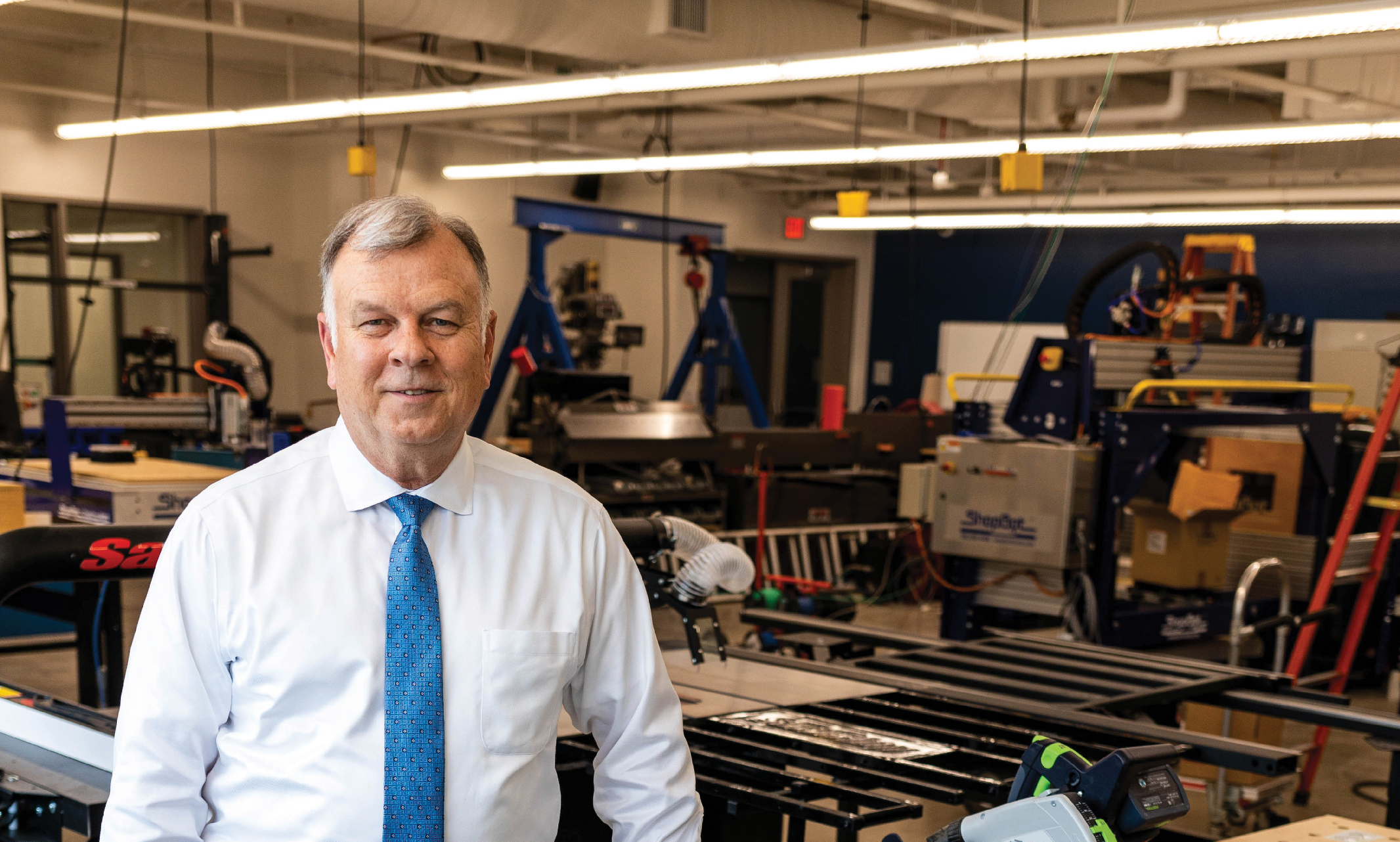
New innovation studio brings together UMKC and the community
Dean Kevin Truman has vision.
As he walks through the halls and labs of the UMKC Innovation Studio in the Robert W. Plaster Free Enterprise and Research Center, he sees progress, growth and untold opportunity.
“This is a place for entrepreneurs to come, collide and create,” he says. “It’s digital to physical.”
While the machines are quiet and the few students in the building work independently and masked, Truman’s eyes are alight with the certain creation of new products, new processes and new collaborations that will not only build UMKC and the school, but also the community.
“We hope to see art students from the Kansas City Art Institute, K-12 students interested in science, technology, engineering and math, or enthusiasts of the virtual reality world.”
While providing some familiar components, the Innovation Studio is different than traditional makers’ spaces. For example, the space provides access to new technologies for rapid prototyping using the 3D printing lab.
“The makers’ spaces in town do a great job serving their market, but we are focused on entrepreneurship,” Truman says. “We can provide services to companies, researchers and the community. It may be someone building one model, but if they need to make 20 prototypes to make sure they’ve gotten it right, we can also accommodate that.”
The Ewing Marion Kauffman Foundation is a major partner and funder in the Innovation Studio. They consider the programs and spaces for students, faculty, staff and the community as critical to the regional entrepreneurial ecosystem.
“Our grant to UMKC helps build on the university’s strong foundation of student and community-facing entrepreneurship support programs,” says Melissa Roberts Chapman, senior program officer at the Kauffman Foundation. “That includes the Innovation Studio. We are excited to work together to see how entrepreneurship can help remake our regional economy to become more equitable, more vibrant and more innovative.”
Students will also have the opportunity to take advantage of the labs in the Innovation Studio and will be able to work at cost. In order to maintain state-of-the-art capabilities, community members will be charged reasonable fees. The center will maintain a staff for assistance, training and maintenance, and there will be a shop manager to help with 3D printing.
“Our 3D printing facility is one of the top five in the country,” Truman says. “Someone could send a graphics package here and a technician can use the company’s files to create what they need. The machine can create product composed of metals including titanium, machine grade steel or copper. We’d track the materials used, pack and ship it to them. It couldn’t be easier.”
The Augmented and Virtual Reality (AVR) lab will have the very latest technology. Professionals and enthusiasts can use the AVR Training Lab to experience the newest augmented and virtual reality technology. The AVR Showroom can accommodate meetings, product development and training. Visitors, whether they are enthusiasts or professionals, can experience the latest virtual reality technology as well as learn the latest 3D design and development software.
“We will be a hub of information,” Truman says. “We have relationships with others and are excited to share resources. We are not an island. We are here to create community.”
Sep 27, 2021
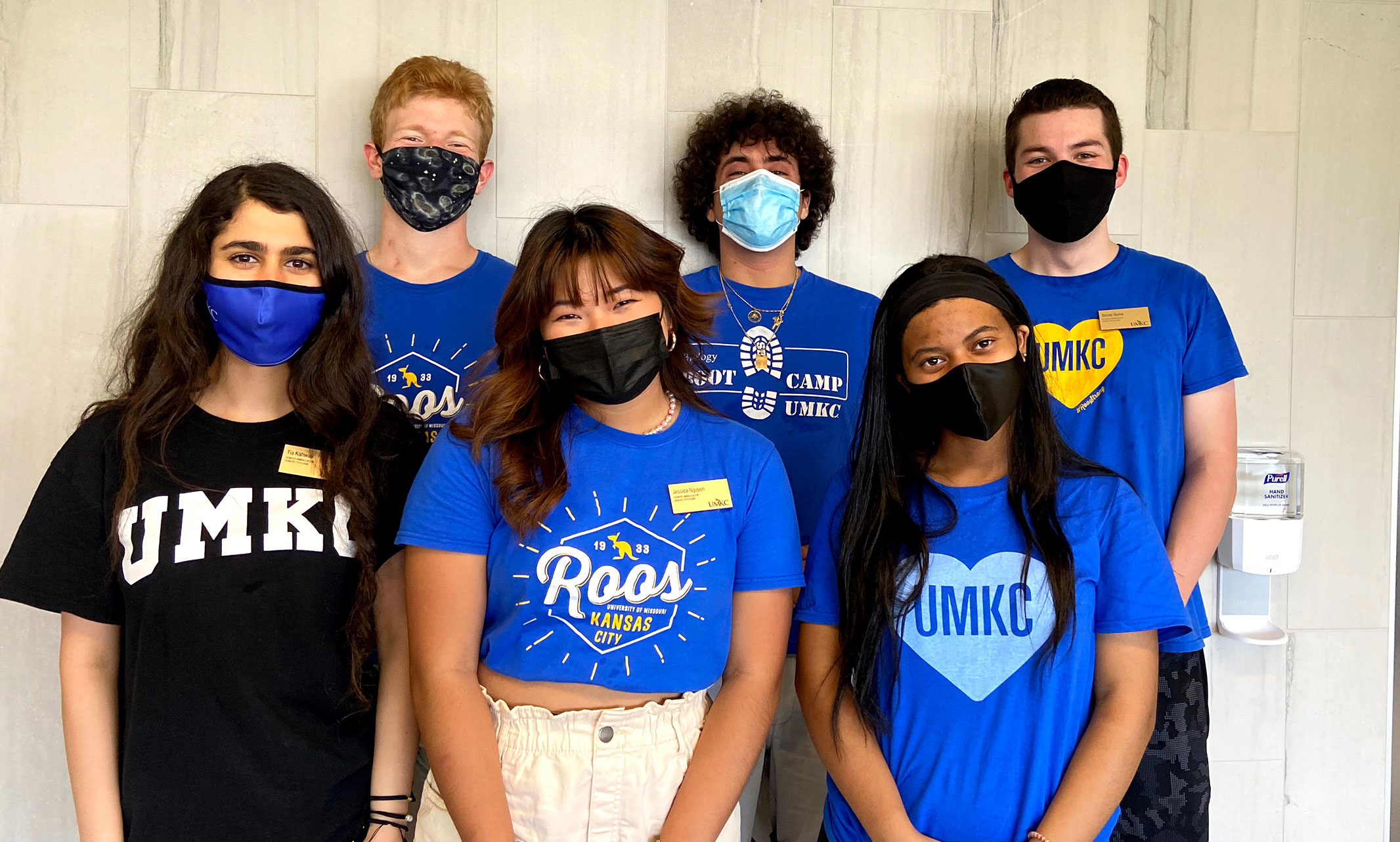
Students combine academic rigor with community service
A record number of new students across disciplines have committed themselves to academic excellence, while also serving their communities, by enrolling in the UMKC Honors Program.
This year, 471 students are enrolled in the prestigious Honors Program. The program, formerly known as the Honors College, provides a multitude of services to our campus community.
“The Honors Program invites and includes new and continuing students from all programs and all disciplines across the university,” said Henrietta Wood, Ph.D., one of two full-time Honors Program faculty. “We offer honors versions of general education courses, and we supply a number of courses to help students accrue the credits they need to graduate with honors.”
Gayle Levy, Ph.D., is the Director of the Honors Program. She serves as an advisor to students, especially when they are writing their Senior Honors Thesis. She also works with faculty on how to get involved with the Honors Program or, more specifically, if they are interested in teaching an honors class. Stephen Christ is the other full-time faculty member, teaching innovative and engaging courses. He’s also actively engaged in mentorship of honors program students on an individual level and organizationally as the faculty advisor to the Honors Student Association.
The program also offers the Roo Honors Academy for local high school students, as well as the Roos@Noon Speaker Series presentations that anyone in the university community can attend. It’s that wide university impact that inspired Sean Purdue, a senior honors student in civil engineering, to become an Honors Ambassador.
“That's what I really like about the Honors Program,” Purdue said. “I love civil engineering, but I don't want just civil engineering friends. I want friends from all the different majors, and that’s been a huge benefit of the program.”
These benefits extend well past a student’s college career into their professional careers. Alaina Shine, ‘15, brought the skills she learned into her career as a pediatric resident physician in Seattle.
“Often in the hospital I am challenged with problems where there is no ‘right’ answer,” Shine said. “A large portion of my job as a physician is teaching patients and their families about their medical illnesses and conditions. I lean upon skills I began learning as an Honors Program student to incorporate ideas from my multidisciplinary team to develop a solution for our patients and their families.”
This interdisciplinary approach does not stop with the students or alumni. Jess Magaña, Ph.D., a professor in the School of Biological and Chemical Sciences, serves as a faculty mentor for honors students.
“One of the very best parts of teaching is getting to know the students, getting to know their specific journeys and helping them take that next step,” Magaña said. “Being an Honors Program mentor is a really great way to do that, and it's especially good for getting to know students who are not in your school.”
Faculty mentors assist students through a variety of informal meetings to check up on the students’ progress, academic and otherwise. If you are interested in becoming a faculty mentor, reach out to Margo Gamache, Director of Student Services for the Honors Program at gamachem@umkc.edu.
“We're not just academic people,” Purdue said. “We still like having social events and friends, and it can be hard to balance. I think most faculty have had that same experience. Having someone to help us navigate that is so beneficial.”
That benefit spreads to the university as a whole. Many Honors students are highly motivated, and they balance academic excellence with serving both UMKC and the wider Kansas City community. Most of the Student Government officers are honors students.
Honors students volunteer to lead clubs for youngsters at the Kauffman School and have communicated with residents of a senior living facility. In the Honors Social Action class, students have promoted campus recycling, mental health awareness, and recognition of commuter students.
“I'm constantly impressed with how involved Honors Program students are and how much they're willing to do to affect their own lives and the lives of other students at UMKC,” Magaña said. “They're super involved, and they're all just such great people to get to know.”
Sep 27, 2021
Olympic medalist Courtney Frerichs has no doubt
This is a story about Courtney Frerichs, who turned in one of the surprise performances of the Tokyo Olympics. But really it is a story about mantras, because who Frerichs is and what she managed to accomplish this summer are all about the words she has been repeating to herself for years. She attended the University of Missouri-Kansas City. Read more. (subscription may be required)
Sep 26, 2021
Dancing Into A New Era: Local Company Marks 30 Years of the Best Contemporary American Choreography
Most of Wylliams/Henry’s dancers are UMKC Conservatory-trained, which means they have worked directly with dancers, teachers and choreographers who have served as key figures in both the company and the Conservatory. Some of the individuals include Mary Pat Henry, who formed the company a generation ago with the late dancer-choreographer Leni Wylliams when both were on the UMKC Conservatory faculty; DeeAnna Hiett, co-artistic director and UMKC Conservatory dance division chair; Paula Weber, former company member and retired UMKC dance professor; and Caroline Dahm, executive assistant and UMKC Conservatory faculty member. Read more.
Sep 23, 2021
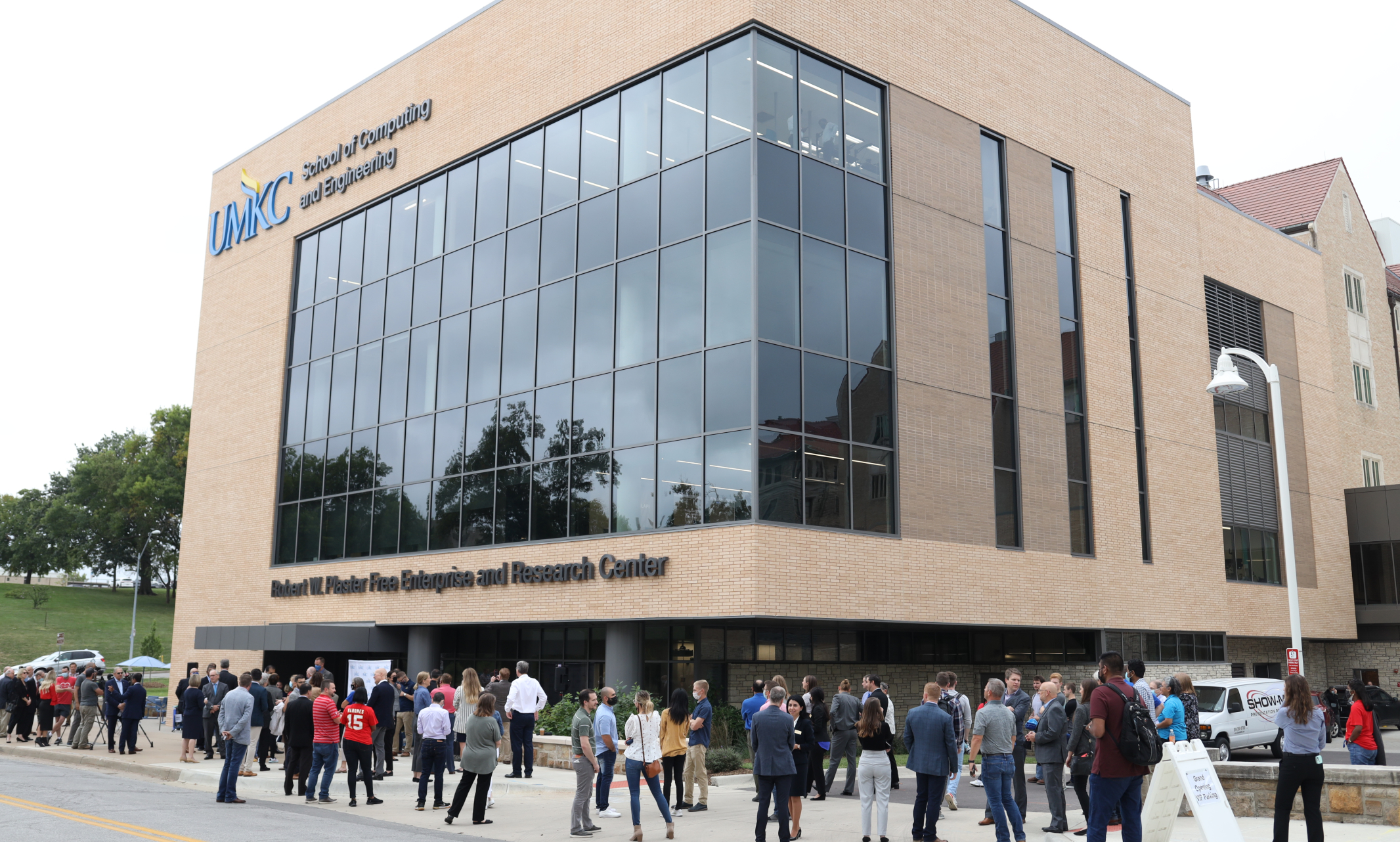
Features 11 state-of-the-art research labs
The University of Missouri-Kansas City unveiled its new $32 million high-tech research center to hundreds of guests on Oct. 1.
The five-story, 57,800 square-foot Robert W. Plaster Free Enterprise and Research Center features 11 state-of-the-art research labs. It is the largest privately-funded capital project in UMKC history, with more than 25 donors.
"The Plaster Center has all but ensured that UMKC will remain the #1 ranked school for computing and engineering in Kansas City for years to come," said Kevin Truman, Dean of the UMKC School of Computing and Engineering, which will oversee the multi-purpose facility.
The labs within the Plaster Center contain a 3D printing lab and fabrication studio to build prototypes, high-performance computing and analytics equipment and software, an FAA-approved flight simulator, a two-story drone flight-testing bay and $3 million of augmented and virtual reality equipment.
A group of guests receives a tour of the Innovation Studio inside the Plaster Center. Photo by Brandon Parigo
The labs aren't just for UMKC faculty and students — the facility is also a community hub where people from across the university, city and region can come together to discuss, design, build and innovate while propelling economic activity in the region through free enterprise.
"This center will be open to all of ours students. In addition to the students at the School of Computing and Engineering, who make their home here, students of entrepreneurship at the Henry W. Bloch School of Management will be able to build custom prototypes in conjunction with our engineering students," UMKC Chancellor C. Mauli Agrawal said. "The Plaster Center is a resource for our community. From independent makers to entrepreneurs and innovators, our lab spaces are available for them to experiment and explore new technology, new innovations in materials and breakthroughs in application and design."
Some of the technology within the labs is not available anywhere else in Kansas City, allowing UMKC to remain state of the art in research and education while helping community partners do the same.
"We are excited to play a part in the cutting-edge research and prototyping at UMKC and in Kansas City," Truman said.
The Plaster Center, on the corner of Rockhill Road and East 51st Street, is named after Robert W. Plaster, founder of Empire Gas Corporation, which was one of the nation's largest retail LP gas distributors.
"This accomplishment would not be possible without the support of the Robert W. Plaster Foundation," Truman said.
Dean Kevin Truman and Stephen Plaster, Chairman and President of the Robert W. Plaster Foundation. Photo by Brandon Parigo
A Missourian, Plaster started Empire Gas in Lebanon, Missouri and sold the business in 1996. He then went on to found Evergreen Investments, LLC, an investment company that owns several businesses. The Robert W. Plaster Foundation, a major donor to the center, is also located in Lebanon.
"The Plaster Foundation is thrilled to have contributed to the new Robert W. Plaster Free Enterprise and Research Center at UMKC," said Jason Hannasch, Associated Executive Director of the Plaster Foundation. "The Plaster Center labs house advancements in computing and engineering technology that will help students, faculty and community members completed advanced research in their chosen field."
Take a virtual tour of the Plaster Center
Sep 23, 2021
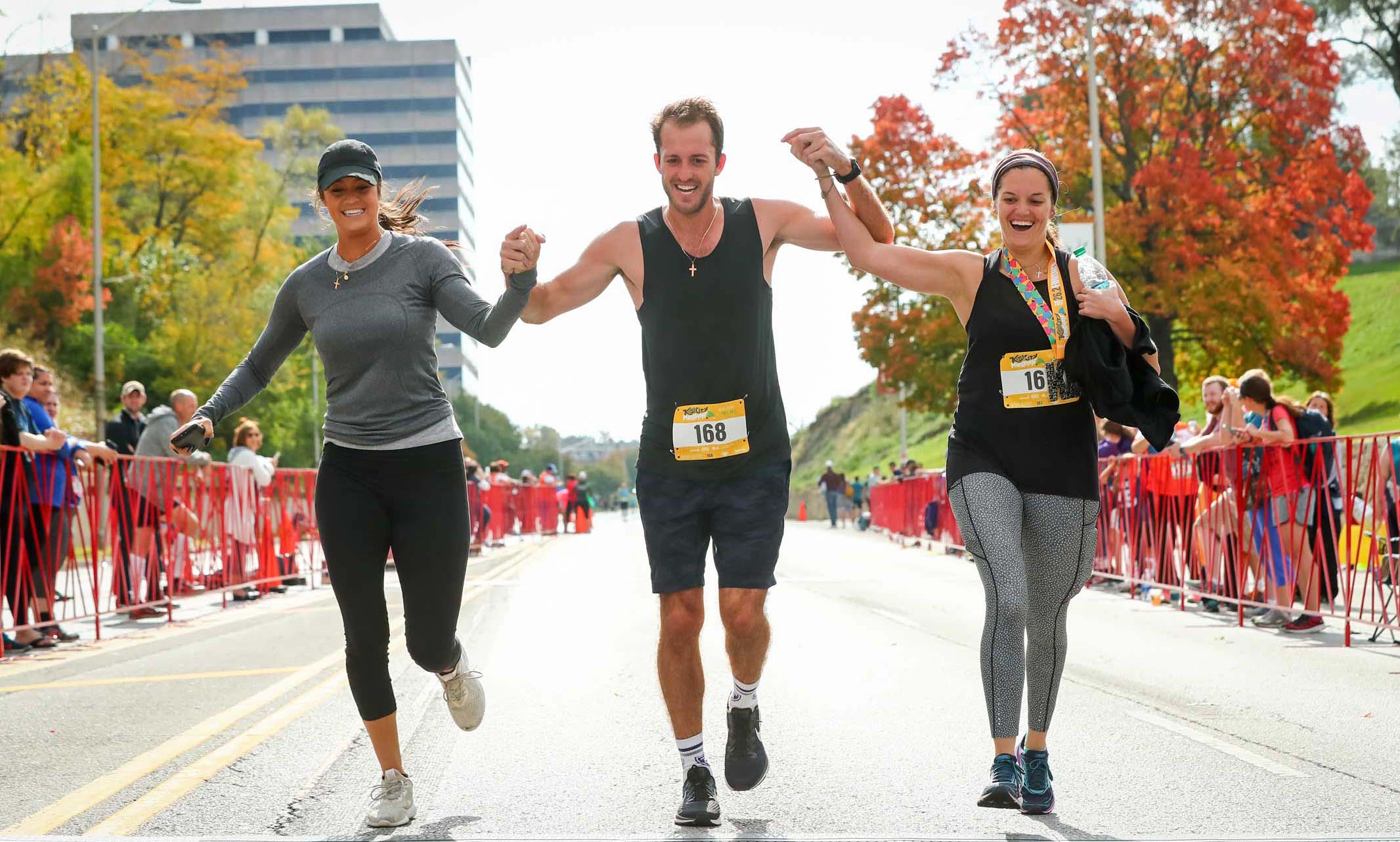
Registration is now open for KC's largest racing event
UMKC and the School of Medicine are proud sponsors of the Oct. 16 Garmin KC Marathon – the largest race event in Kansas City and a significant community tradition. This year’s race has something for everyone: a full- and half-marathon, as well as a 10k and 5k, plus many volunteer opportunities.
Sep 23, 2021
Kansas City's Overlooked Housing Stock
Jacob Wagner, director of Urban Studies at the University of Missouri-Kansas City, was a guest on Up to Date. Listen to the podcast.
Sep 22, 2021
How would you use an extra $500?
Twenty UMKC students have already won big prizes for uploading their vaccine information – ten free parking passes for a full year (value $338), and ten $500 Visa gift cards. Twenty more of the same prizes will be awarded on Oct. 15.
Twenty faculty and staff have also won prizes, and have the same upcoming opportunity. All you have to do to be entered to win is voluntarily upload your vaccination information. Here is the link for students; faculty and staff should use the COVID Vaccine Uploader in myHR.
Already fully vaccinated? Just snap a photo of your vaccination card and upload. Not vaccinated yet? No problem. UMKC offers free vaccinations by appointment through our partners at Truman Medical Centers/University Health. Register online or call (816) 404-CARE (2273) and press option 1.
We are also planning another on-campus walk-in vaccination clinic for the near future, and additional incentives. Watch for more information coming soon.
Student winners so far include:
Free parking for one year: Atheer Alsalhi, Vanessa Anne Frank, Zachary Braunschneider, Nicholas Jakubowski, Rafia Siddiquea, Randi Entrekin, Nicholas Hartwig, Nicholas Putnam, Danielle Everly, Kassandra Estrada
$500 Visa gift card: Samantha Fisher, Jill Wenger, Mary Signorino, Rachael Huffmaster, Revanth Muthyam, Ashley Appleberry, Kassandra Munoz-Valencia, Aidan Payne, Caitlin Ayala, Blake Setzer
Employee winners so far include:
Free parking for one year: Brittany Bummer, Justin Guggenmos, Julie Dawn Kohlhart, Jennet Irene Miller, Kyle James Pate, Kathleen M. Spears.
$500 Visa gift card: Brenda Lee Bethman, Daniel Mani Cherian, Michele Rene Logue, Johanna E. Nilsson, Elizabeth Ann Savidge, Meghan Sholy-Wells, Kimali A. West.
Sep 22, 2021
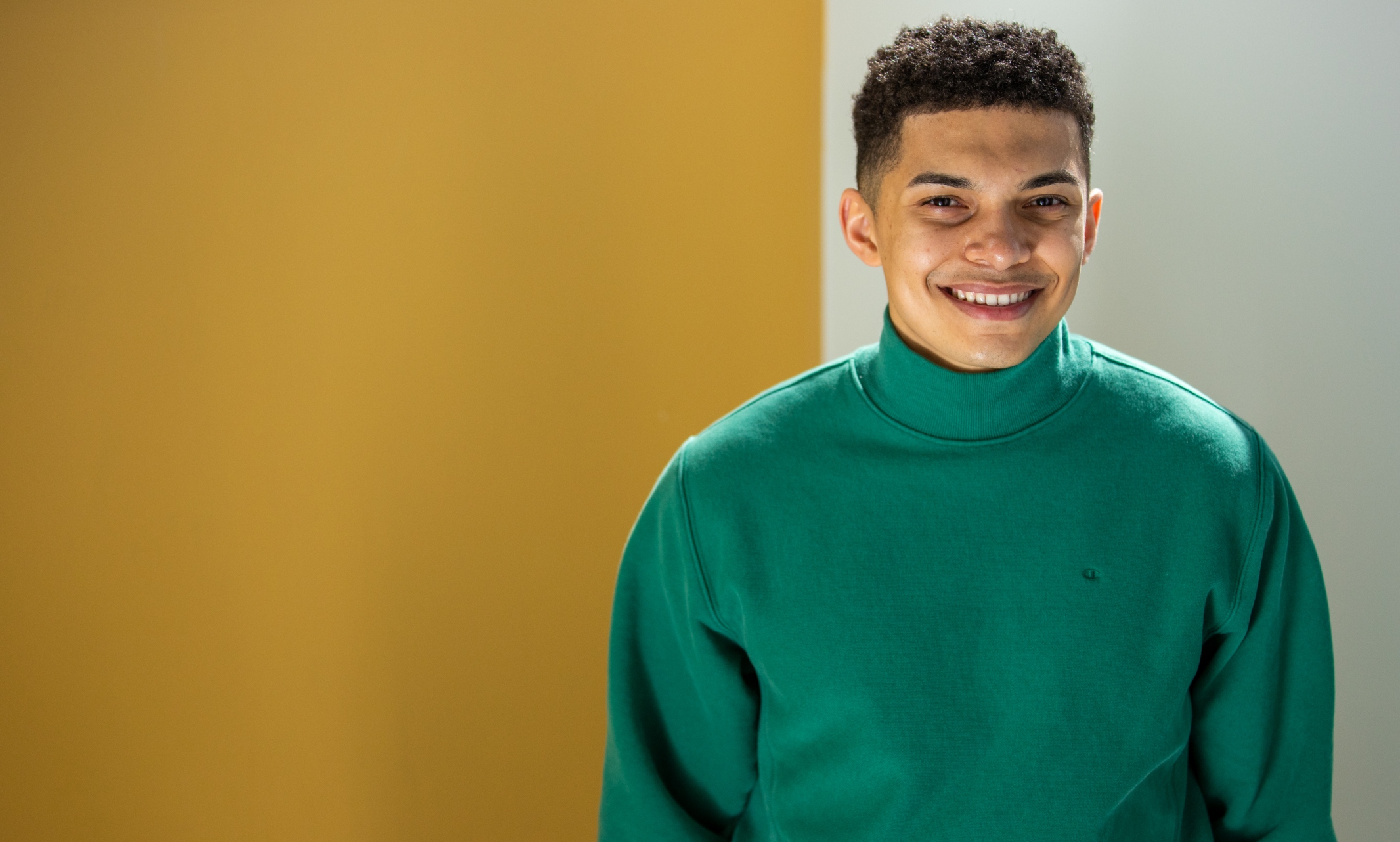
Brandon Henderson stepped back from opportunity with positive results
Brandon Henderson stepped away from his role as UMKC Student Government Association president to focus on his mental health in 2020. Nearly a year later, he thinks it was the best decision.
In hindsight, does stepping away from SGA seem like the right decision?
I am very glad that I stepped down as SGA president, and I have absolutely no regrets doing so. It gave me the space I needed to get healthier and get my academics back on track. I am 100% certain that I wouldn't have made the Dean's List last semester if I hadn't stepped down.
Have the lessons you learned during that challenging time stuck with you?
I learned last year that I'm not Superman, and I have to prioritize taking care of myself if I want to help others, too. Now that I've gotten healthier, I'm getting more involved in my community again. But in the back of my mind, I know that I must be very intentional about how much time I allocate to my extracurricular activities.
What coping mechanisms did you adopt last year that are still helping?
Something I learned last year was the importance of keeping an accurate calendar. Not only does it help me remember things, but I can visually see where I'm budgeting my time to things other than myself. That helps me avoid overextending myself.
If someone were feeling overwhelmed, what resources would you recommend to them?
I highly recommend scheduling a visit with UMKC's Counseling Services. Even if you think you don't need it, or that it won't work for you, if you're feeling any signs of burnout just try to visit with a counselor at least twice.
Often people don't want to talk about personal issues with their friends, but everyone needs someone to vent to. If you don't have that someone, then I highly recommend you go visit Counseling Services and find that someone!
You’re finishing up your degree this semester. How does that feel?
It feels equal parts exciting and nerve-wracking, but nevertheless I am ready to cross the finish line. I've been a college student for the last four years, so it will be quite an adjustment to transition out of that. I'm looking forward to seeing what this new phase of my life has in store for me.
Sep 22, 2021
How can I learn about Tennessee Williams?
The 16th annual Provincetown Tennessee Williams Theater Festival is scheduled for Sept. 23-26. Felicia Hardison Londré, Curators’ Distinguished Professor of Theatre Emerita at the University of Missouri-Kansas City, is a Tennessee Williams Institute scholar and will participate in this year’s symposium. Read more.
Sep 21, 2021
No, Kansas City will not escape climate change unscathed
An August study by UMKC and the Office of Environmental Quality aims to map the neighborhoods most vulnerable to the heat island effect. The resulting data will guide solutions in the plan. Read more.
Sep 21, 2021
Justice Department faces familiar hurdles in battle against Texas abortion law
“They are trying to take this argument and pull it up to the 30,000-foot level and really address how this law in Texas challenges fundamentally what they described as the national compact,” Yvonne Lindgren, a law professor at the University of Missouri-Kansas City. Read more.
Sep 20, 2021
Nov. 12 is the date for UMKC Conservatory Crescendo Gala 2021
The evening, which will be held at the Kauffman Center for the Performing Arts, will be a celebration of the 25th anniversary of the event. Read more.
Sep 20, 2021
From Startland News
Sally Williams is the technical development and commercialization consultant at the Missouri Small Business and Technology Development Center at the University of Missouri-Kansas City. Read more.
Sep 20, 2021
Guardians of child and family law
The UMKC Family Law program was awarded an A+ rating (one of only six schools nationally to get this top grade) and was featured in this issue (page 30, link below). UMKC alumni were also the highlight of the ranking as one of the top 45 schools in the country for the percentages of grads (13%) named as Super Lawyers and Rising Stars (page 16). UMKC was the only law school serving the Kansas City region to be named to this list. Read more.
Sep 20, 2021
WalletHub reports on best car insurance companies in Missouri
UMKC Professor Larry Wigger answers insurance questions. Read more.
Sep 20, 2021
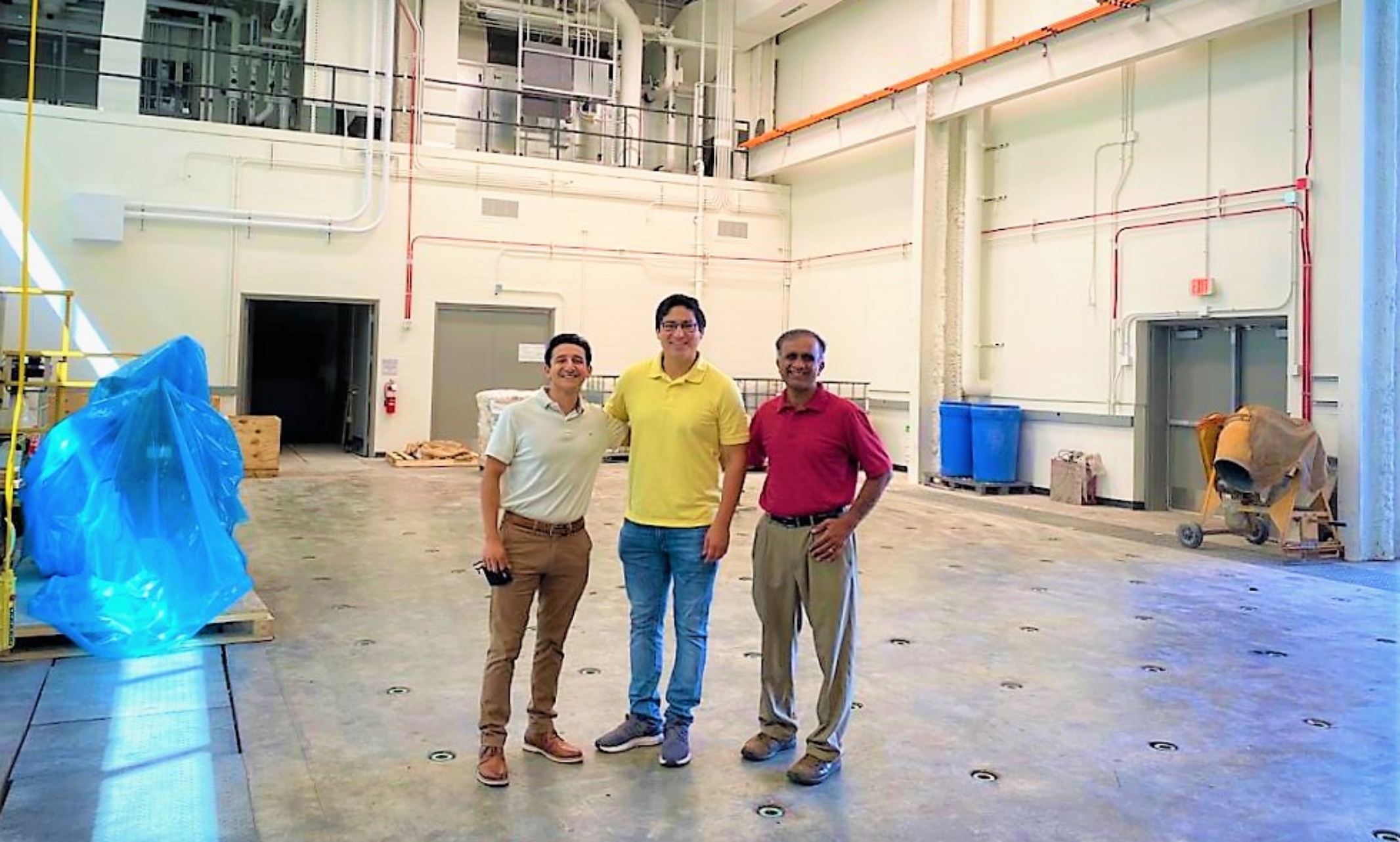
Competitors design, build and test a concrete beam
A team from the University of Missouri-Kansas City has won first place in a national-level student engineering design competition.
The Precast/Prestressed Concerte Institute announced on Monday that a UMKC team had placed first in their 2021 Big Beam Competition.
The competition, now in its 21st year, teaches college students important structural engineering skills in an applied learning environment. Teams of students with a faculty advisor design, build and test a 20-foot, precast, prestressed concrete beam.
Entries are judged on a variety of criteria, including the beam's performance in stress tests. The tests simulate real-life conditions structural building and infrastructure components must endure to ensure safety, as well as the quality of their analysis, reports and overview of their project.
The winning UMKC team included two students, Jose Luis Ramirez and Juan Carlos Plasencia Chinchay, and Ganesh Thiagarajan, Ph.D., professor of civil & mechanical engineering, faculty advisor for the team.
Plasencia Chinchay said the team was very happy with how things turned out and thanked Thiagarajan for encouraging them to participate.
"It is a great experience just to participate in this outstanding competition," Thiagarajan said. "I have coaxed and encouraged students to participate in it just for the learning experience alone, which itself adds so much to the overall prestressed concrete knowledge of students."
In addition to the first-place team, UMKC had a second team place in the top 10. Students Nick Shifflett, Logan Chamberlin, Christopher Bryan and Cristobal Hernandez placed seventh.
Sep 17, 2021
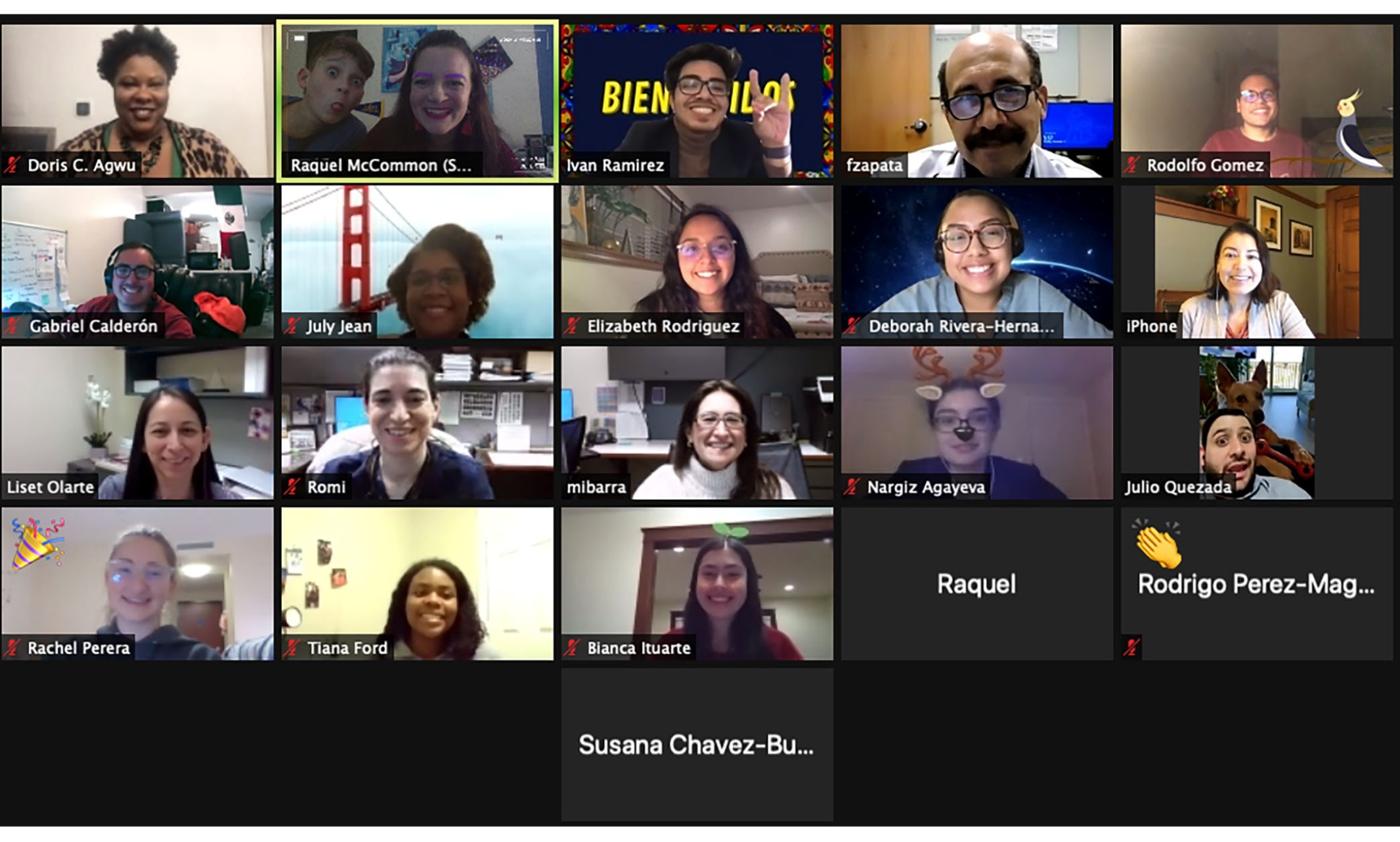
Latinos in Medicine provides mentoring, encouragement to help students succeed in medical school and as physicians
A new organization at the UMKC School of Medicine is designed to support and encourage Latinx students to help them succeed in medical school and as physicians.
Raquel McCommon, coordinator of strategic initiatives in the school’s Office of Diversity, Equity and Inclusion, said Latinx students are paired with physician mentors who can meet with and help the students through the challenges of life as an underrepresented minority in medical school and beyond.
Latinos in Medicine, established a year ago, gives the students the opportunity to meet and see successful Latinx physicians.
“That in itself is supportive, motivating and inspiring,” McCommon said. “It’s a way of making them feel a sense of belonging, connected, that they have people who are looking out for them, who understand where they’re coming from to help them have better success.”
McCommon said most of the students participating in the program are also involved in the school’s STAHR (Students Training in Academia, Health and Research) program. Supported by a grant from the United States Health Resources and Services Administration, that program also helps prepare students from disadvantaged backgrounds entering health care programs.
However, McCommon said, the STAHR program currently does not have any Hispanic mentors for students.
“What we were hearing from our Latinx students was ‘we need mentors and we need mentors that look like us,’” she said. “Part of the challenge is finding physicians who come from the same background and experiences as our Latinx students.”
As a result, School of Medicine Dean Mary Anne Jackson, M.D., reached out to Liset Olarte, M.D., a pediatrician at Children’s Mercy Kansas City, where Jackson is also on staff. Olarte leads the hospital’s Latinx Employee Resource Group, which includes several Hispanic physicians.
Olarte and her colleagues agreed to serve as physician mentors for the School of Medicine’s Latinos in Medicine program, which also partners with UMKC’s Avanzando program for Hispanic students campus wide.
“Not all of our students are going to go into pediatrics, but this is a stepping stone,” McCommon said. “Here is a physician that does look like you, who might speak the same language as you, that might have experienced a similar background or struggles as you.”
Ten students actively participate in the program, which is open to all Latinx students at the School of Medicine. In addition to one-on-one mentoring, the plan is for the Latinos in Medicine students to meet at least twice a year, including a welcoming program at the beginning of the school year.
McCommon said the broader goal is to offer more group meeting opportunities such as in-person study sessions where students and mentors can come together in an informal setting.
“Often students feel intimidated. There’s a level of hesitancy or reluctance,” McCommon said. “We want them to have what they need when they need it, not when it’s too late.”
Sep 17, 2021
Comeback KC Ventures aims to turn pandemic-related ideas into healthy startups
KC Digital Drive and the UMKC Innovation Center are searching for at least 20 fellows for Comeback KC Ventures, with the goal of creating at least 10 new businesses, 30 new jobs and $5 million in follow-up funding. Read more.
Sep 16, 2021
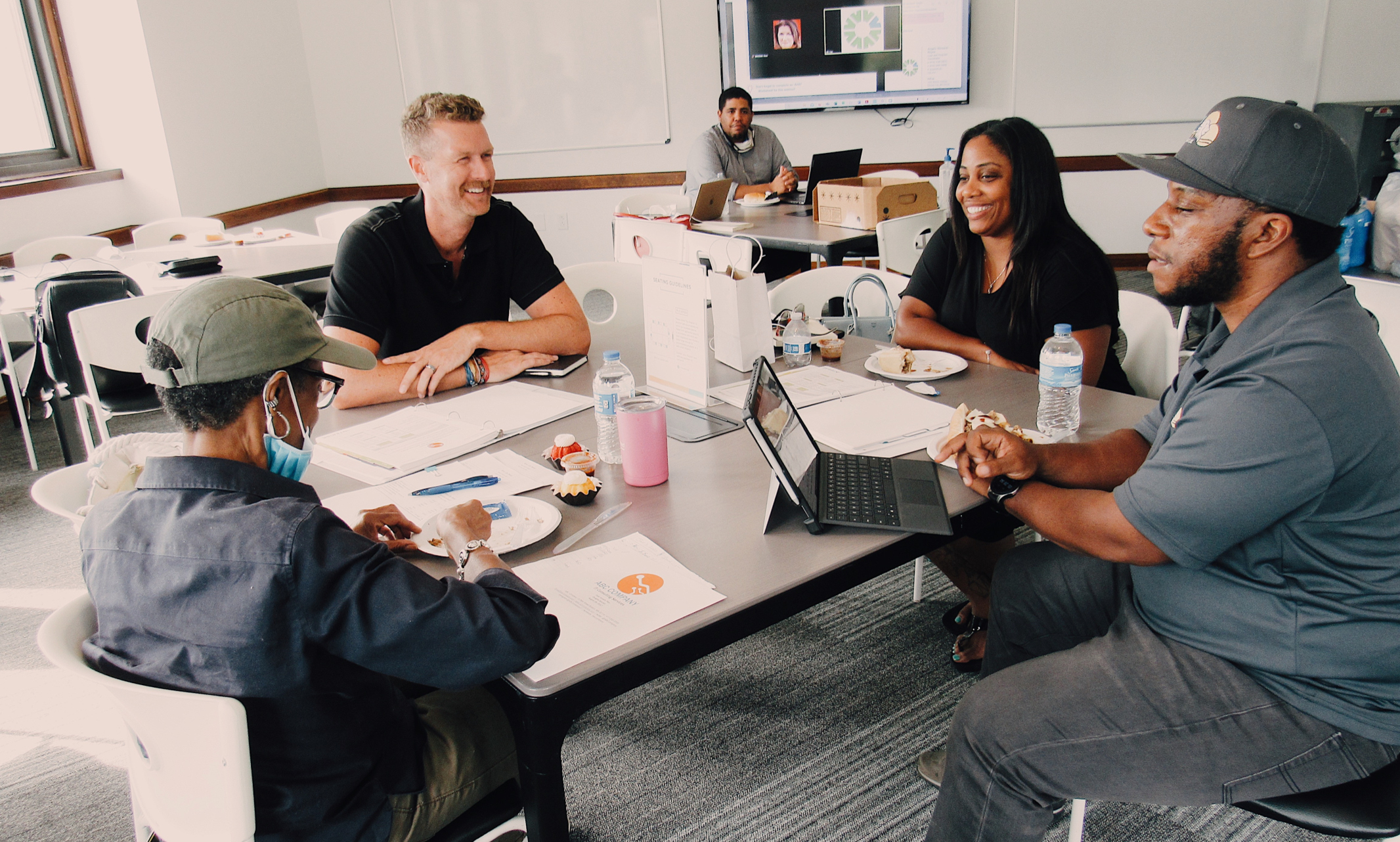
Students and urban small businesses both benefit from program
In most cases, the pricy services of a professional business consultant are beyond the reach of small businesses. A unique partnership between the UMKC Bloch School of Management and AltCap, however, is bringing valuable consulting services to local entrepreneurs from underrepresented communities.
MBA students in a new Bloch class formed teams that functioned like consulting firms and spent a semester working with small business clients of AltCap, a community development financial institution set up to increase the flow of capital to communities and businesses not adequately served by mainstream financial institutions.
The clients, participants of AltCap’s NeXt Stage KC business development program, received relevant, actionable recommendations for growth. The students, meanwhile, gained real world experience working as a consulting team. The Business Consulting class concept was developed by Bloch School Dean Brian Klaas. The class was taught by Tony Mendes, Managing Director of the Regnier Institute for Entrepreneurship and Innovation, and Ellen Junger, chief marketing officer at Helzberg Diamonds.
Student Dominika Luszcz was part of a team that worked with Parrish & Sons Construction, an excavating and grading contractor. The students developed a strategic plan for Parrish & Sons with recommendations in areas such as market differentiation, branding, website, social media and development of mission and vision statements.
“I was always very interested in consulting and always wanted to learn how the consulting business should be conducted,” Luszcz said. “By working firsthand with a real enterprise, I was able to experience and learn authentic business issues, questions that need to be asked to make the best possible decisions, and dive into a completely new industry.”
“As an international student from Poland, I found it fascinating to learn how business is conducted in the USA from every aspect including human resources, marketing, sales, research and development, supply chain management and finally strategic planning to increase revenue and expand sustainable growth.”
Parrish & Sons founder and CEO Fahteema Parrish said the student team delivered genuine value.
“They brought a fresh set of eyes and ideas on different ways we can improve on our media and marketing displays. They worked diligently and were persistent with getting any information they needed from me,” Parrish said. “I was very impressed with their final presentation.”
Zach Lieberman is one of the students who worked with Integrity Capital Management, a firm that works with both rental property owners and tenants to expand affordable rental housing options in the urban core.
“There were several different companies that were introduced to us at the beginning of the class. I gravitated towards my selected company because I saw the passion the owners had in their industry,” Lieberman said. “This organization is squarely focused on a small niche to rehab, restore and rent properties in Kansas City. There is an extreme shortage of livable houses in this area and this organization is attempting to turn this blighted and often forgotten area into an oasis of livable space.”
Terrell Jolly, founder of Integrity Capital Management, had high praise for the student consultants.
“We were blown away with the initial presentation. We were not expecting so much detail,” Jolly said. “Not only did the team present us with missed opportunities but also with solutions that would meet our needs and budget. They also created a timeline of implementations and steps needed to incorporate. I liked the versatility each of the students brought to the table. They worked well as a team that really helped with implementation strategies.”
Luszcz said the team approach was the best part of the experience.
“I met a wonderful group of students who became my partners during the class, but also friends who provided a lot of significant expertise to help me become more aware of the professional business environment. The whole class really felt like I was a part of a well-known and respected consulting company.”
Lieberman agreed.
“Nobody knows everything. A network of people can provide information and insight to help grow an organization. We took the owner’s passion and developed measurable next steps to help his organization grow.”
Sep 16, 2021
The initiative supports student writing in a multitude of ways
Starting graduate school is a huge step. Unlike most undergraduate programs, students will write proposals, dissertations, theses. How can one prepare for such a large shift in writing style?
UMKC graduate students can turn to the Graduate Writing Initiative. This grassroots effort was initially proposed by graduate students at the university who desired support with a very new style of writing. Demand for this resource became so high, the university has added a full-time academic staff position to the initiative. Marcus Meade, Ph.D., is the university’s first Graduate Writing Specialist.
Meade, originally from the Kansas City area, graduated with a degree in journalism from Northwest Missouri State University before going on to achieve a master’s and doctoral degree in English. He was previously on the faculty of the University of Virginia before joining the UMKC Graduate Writing Initiative.
“I was interested in the opportunity to work with students outside the classroom, setting outside writing support that didn't involve grades,” Meade said. “I found that was more holistic and more supportive. I get to focus on graduate writers, who I think are a particularly underserved population.”
Through the initiative, one-on-one counseling is available, as well as larger workshops. Students can connect with their peers for mentorship opportunities. The Writing Studio also offers blocks of time for students to have a quiet space to write, uninterrupted. This is a very important service for students who are juggling careers and families on top of their studies.
“All the research in supporting graduate students shows that the thing most students need is the ability to carve out time to write,” Meade said. “So, we try and create that for them. We can help them work that into their schedules. They can develop good writing habits, which includes protecting their own writing time.”
This somewhat unique service is available to all UMKC graduate students, across any discipline. Meade hopes students continue to utilize this resource so it can keep growing, supporting even more students through graduation.
“You’re not born with the ability to write a personal statement, or whatever you need to write,” Meade said. “We have a method for teaching them about that genre, understanding its conventions, practicing within it and tweaking them if they need to. We’re here to help them move into those new genres and find success in them.”
Learn more about the Graduate Writing Initiative and the services they provide. The UMKC Writing Studio, The School of Graduate Studies, UMKC Libraries and faculty, staff and graduate writers from departments across campus collaborate to provide these resources.
Sep 16, 2021
Berkley-Patton brings health care and healthy activity to underserved populations
Jannette Berkley-Patton, a UMKC professor and director of the University’s Health Equity Institute, is actively working to improve the health of African Americans in Kansas City using a unique strategy centered around building trust within communities and fully engaging them in the efforts. Read more.
Sep 15, 2021
UMKC professor uses his passion for flying to help pilots and passengers get home safely
Assistant Professor Mujahid Abdulrahim at the UMKC School of Computing and Engineering powers his research by using computers to model aircraft movement. Read more.
Sep 15, 2021
How one KC entrepreneur is taking her venture concept to the next level
Jonaie Johnson is wired for success. A recent University of Missouri-Kansas City graduate, Johnson is a natural leader who thrives on challenges and puts her ambition into action. Read the full article.
Sep 15, 2021
How much exercise do we need to live longer?
“The very active group, people doing 10-plus hours of activity a week, lost about a third of the mortality benefits,” compared to people exercising for 2.6 to 4.5 hours a week, said Dr. James O’Keefe, a professor of medicine at the University of Missouri-Kansas City and director of preventive cardiology at the St. Luke’s Mid America Hear Institute, who was an author on the study. Read more. (subscription may be required)
Sep 15, 2021
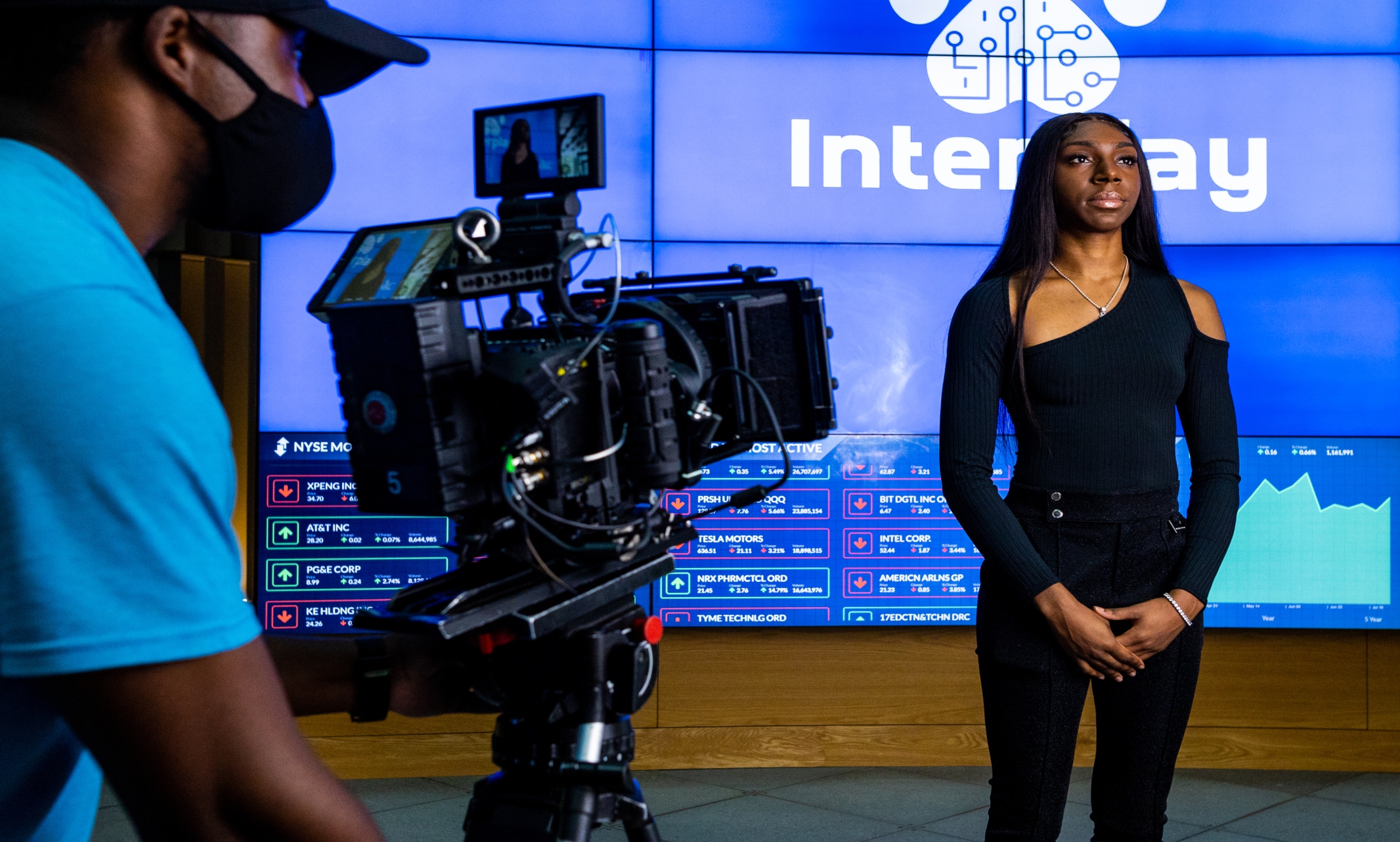
What ends up as a 60-second spot involved months of planning, entire day of shooting
The University of Missouri-Kansas City debuted a new commercial this month showcasing university people creating real change through excellence in learning, research and service.
The commercial is a part of the university's new branding and marketing campaign, with the theme RoosDo. The campaign is designed to showcase UMKC people, driven by inclusion, excellence and strong community connections, putting ambition into action.
It took months of planning to produce the 60-second commercial, according to Kim West, chief marketing strategist for the UMKC Divison of Strategic Marketing and Communications.
"We had many meetings and discussions to meticulously plan how best to showcase all the amazing things we do at UMKC," West said. "While much of this is really fun and exciting to think about, this is serious thought behind each and every shot you see."
Here's a look behind the scenes:
The day began with shooting at the Robert W. Plaster Free Enterprise and Research Center. Photo by Brandon Parigo.
Crews shot a number of students working on projects at the Plaster Center. Photo by Brandon Parigo.
The commercial was produced by Trozzolo Communications Group, based in Kansas City. Photo by Brandon Parigo.
Assistant Professor Mujahid Abdulrahim's flight simulator was also featured. Photo by Brandon Parigo.
It was then time to film a children's music class over at the Conservatory. Photo by Brandon Parigo.
Johnson and Interplay were among the final shots of the day. Photo by Brandon Parigo.
Crews wrapped for the day at the Henry W. Bloch School of Management. Photo by Brandon Parigo
Sep 15, 2021
UMKC gets $300K research grant to study racial barriers for Black and Hispanic entrepreneurs
A $300,000, three-year grant recently was given to the University of Missouri-Kansas City’s Center for Neighborhoods to support community-focused research analyzing barriers Black and Hispanic entrepreneurs face in Kansas City. Read more.
Sep 14, 2021
Students in the Division of Theater at UMKC return to in-person productions
The show goes on for students in the Division of Theater at the University of Missouri-Kansas City, who are back performing in front of an audience starting this Thursday. Read more and watch the newscast.
Sep 14, 2021

Alumni share their expertise on new series
The University of Missouri-Kansas City Alumni Association is launching a new town hall-style series called Roo Talks.
Roo Talks is a quarterly webinar speaker series presented by the UMKC Alumni Association. The talks will help alumni, and the UMKC community, become better informed on important topics and more aware of the great work our alumni are doing. The speaker series will be held free on Zoom as a webinar to allow alumni and individuals anywhere to attend.
“We are excited to launch this new speaker series and highlight our outstanding alumni,” said Kaitlin Woody, interim managing director of Alumni Relations. “The idea of Roo Talks came from wanting to highlight our outstanding alumni and all the different fields they are working in and have an event that was accessible to alumni where they are.”
Topics chosen will appeal to a national audience and will feature outstanding UMKC alumni. The first Roo Talk will focus on the impact of the pandemic on performing arts, particularly live theatre.
Roo Talks Series
First session, Sept. 27: When the Lights Went Out On Broadway. The free Zoom town hall will be at 4 p.m. Advance registration is required.
Theatres around the country went dark in March of 2020, but that did not deter UMKC Conservatory alumni from creating great performances. The first Roo Talks discussion with be with UMKC Theatre alumni. You will find out what they have been doing since the pandemic began and how things have changed for them and the industry.
Panelists include Charlie Corcoran (MFA, '01), Rocco Disanti (MFA, '08), James Yaegashi (MFA, '98), Donnie Keshawarz (MFA, '98) and Kate R. Mincer (MFA '08).
For more information on Roo Talks, contact Woody at zayk@umkc.edu.
Sep 14, 2021
Kemper Museum uses contemporary art to connect two centuries of Missouri’s history
Paul Gutierrez, director of visitor experience and public programming at the Kansas City Museum, embraced the process. He worked to identify themes with Toya Like, associate professor and interim chair of Race, Ethnic and Gender Studies at the University of Missouri-Kansas City. Read more from KCUR.
Sep 13, 2021
Clutter…How and Why We Accumulate “Stuff”
Why do people never open up that bottle of wine for special occasions? Or that outfit hangs in the closet and never gets worn? We all have those items around the house we just can’t seem to part with. It’s known as clutter and Jacqueline Rifkin, assistant professor at the Henry W. Bloch School of Management, asked herself how this accumulation begins.
A psychologist explains why you buy things you don't need — and how to stop - Inverse
Psychological ‘Specialness Spirals’ Can Make Ordinary Items Feel Like Treasures – And May Explain How Clutter Accumulates - The Conversation
Clutter…How and Why We Accumulate “Stuff” - Missourinet
Sep 13, 2021
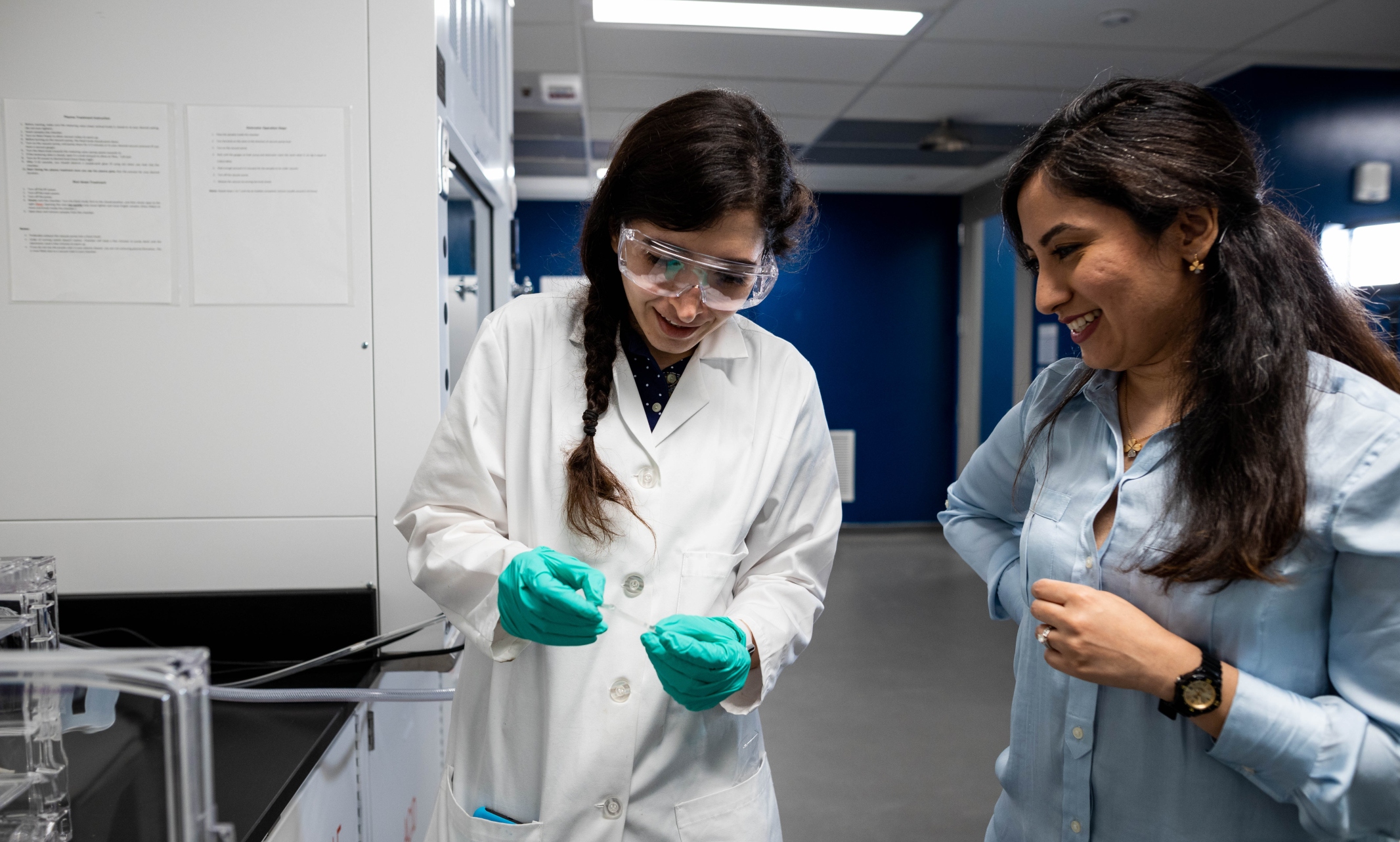
Alumni, faculty and students driving real community change to be showcased on TV, billboards, social media and more
The University of Missouri-Kansas City has launched a new branding and marketing campaign to demonstrate how UMKC people are powering our community by making discoveries, serving others and challenging the status quo.
The campaign theme is RoosDo, and the content is designed to showcase UMKC people creating real change by delivering excellence in learning, research and service. The campaign demonstrates that UMKC is the place where excellence meets action.
UMKC faculty, staff, students and alumni who are making things happen in the real world will be featured in a new TV commercial, on billboards in high traffic areas, print advertisements and digital advertising. The university will be employing both paid advertisements and boosted posts on Facebook, LinkedIn, Instagram and YouTube, including partnerships with diverse media outlets such as Kansas City Hispanic News, The Call, Dos Mundos and The Kansas City Globe.
TV commercial placements include spots during an upcoming Kansas City Chiefs game broadcast. The campaign will also involve a landing page on the UMKC website and branded water bottles, notebooks, pins and clothing. The goal of this campaign is to engage the community by sharing stories of people connected to the city’s largest higher education institution and promote what’s possible with an education from UMKC.
The campaign, launched in September, has been produced by Trozzolo Communications Group and the university’s Division of Strategic Marketing and Communications. Their work included engagement with the UMKC Trustees Brand Enhancement committee as well.
“Over the years, we have been very successful in raising awareness of the key role that UMKC plays in our community in vital areas such as workforce development, community engagement and bringing tens of millions of federal research dollars into our community,” said Anne Hartung Spenner, vice chancellor for Strategic Marketing and Communications. “With this campaign, we are taking our efforts to the next level by demonstrating what our RoosDo, the depth and breadth of our impact as Kansas City’s university.”
“When people see that game-changing innovation, medical breakthrough or social program that improves the community and say — I wonder who did that? We want them to realize there’s a good chance a UMKC Roo did, because RoosDo,” Spenner added.
With an alumni network of more than 135,000 graduates, spanning all 50 states and more than 60 countries, UMKC is educating future leaders and change makers. From local business owners to national government leaders, UMKC student stories will now be celebrated on a larger scale through this campaign.
Sep 13, 2021
Crowded Homes Drove People To Break Social Distancing Rules
The strain of living in crowded households may have been a large factor in breaking social distancing rules and putting health at risk during the pandemic, according to a study involving two University of Missouri-Kansas City researchers. Read the article from KCUR.
Sep 12, 2021
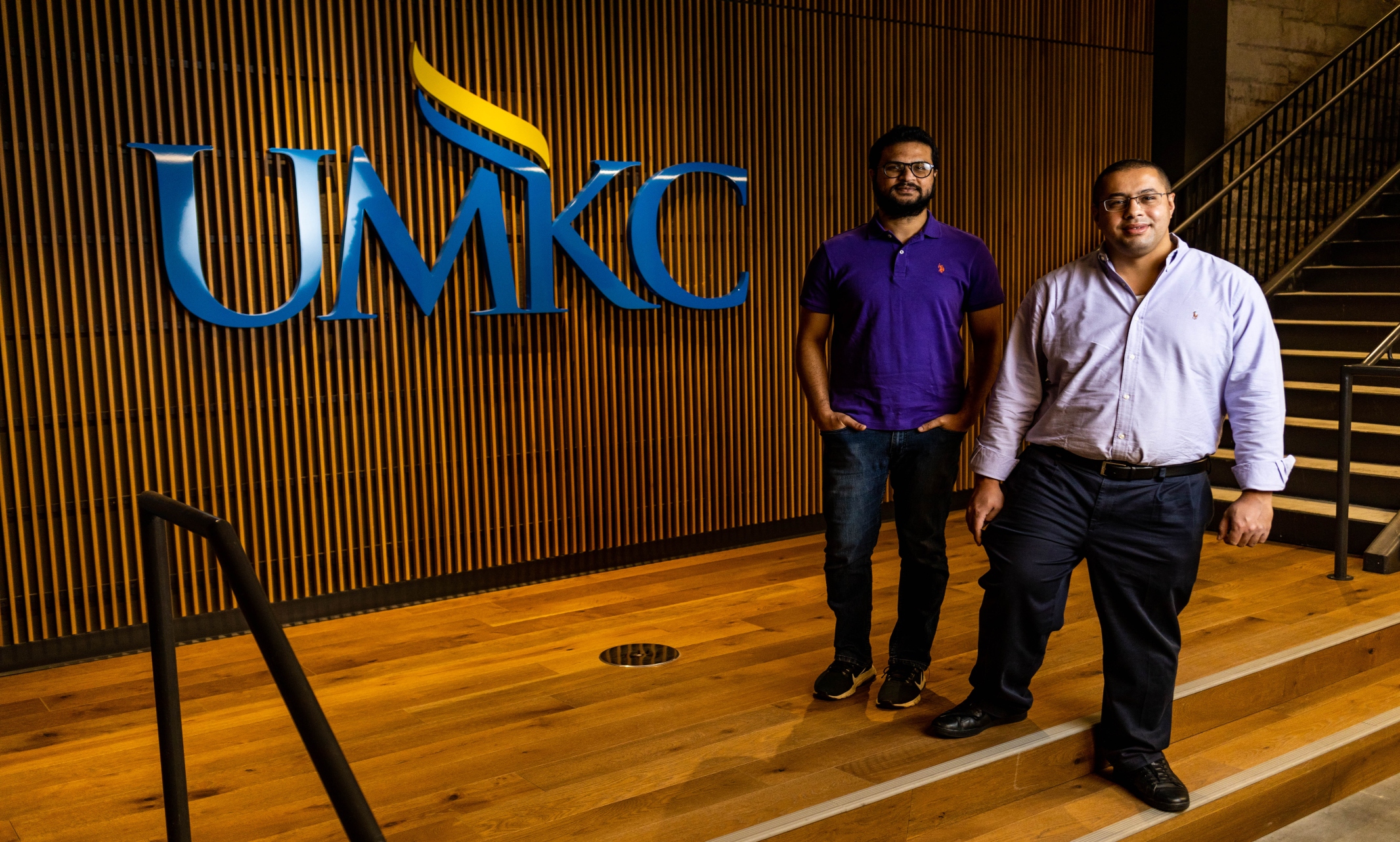
The research analyzes how moon dust particle shapes reflect light
A UMKC professor and student are among a team of researchers that have recently published a historic scientific paper measuring the exact shape of 25 dust participles collected from the Apollo 11 moon landing in 1969.
Research by Ahmed Hassan, Ph.D., associate professor of computing and engineer at UMKC, and Somen Baidya, Ph.D., will allow scientists to get one step closer to understanding why and how the moon reflects light.
"Our collaborates measured the 3D shapes of each sample," Hassan said. "We can look at those samples and calculate the electromagnetic properties like optical properties, or how they reflect light. By observing the light, we are able to get a better understanding of the optical characteristics of the moon as a whole."
The immediate practical application is satellite navigation, which can involve optical images of the moon. Longer-term, understanding properties of the dust will play a key role in creating a habitable living space for long-duration moon missions.
The research team also includes scientists from the National Institute of Standards and Technology, the U.S. Air Force Research Laboratory and the Space Science Institute.
The team's new research method both measures and computationally analyzes how the moon dust particle shapes scatter in the light.
The procedure involved stirring the particles into epoxy, which was then dropped over the outside of a tiny straw and mounted on the heads of pins, before being inserted into a special X-ray microscope capable of measuring the 3D shapes of each of the samples.
Hassan said the team sends him images of those samples to calculate the electromagnetic properties, such as how much they reflect light.
"We observe the light to be able to better understand the optical characteristics of the element," he said.
Hassan said the research has been a great way to help students relate to research they are working on.
"My main area of research is electromagnetic radiation. I love this field and I'm extremely passionate about it, but sometimes it's hard for students to relate to it because most electromagnetic radiation is invisible. You don't see microwaves or infrared rays reflected from things. This is a great way to correlate electromagnetics with a practical, real-life application that almost everyone is excited about."
Baidya, whose primary research for his Ph.D. (which he received this summer) involved studying human cells, said begin involved in the particle research helped expand his understanding of cell makeup.
"This research helped my previous studies about cell shapes," Baidya said. "It was a fantastic experience. I feel very lucky to have been able to work on this and contribute."
Research on the lunar particles is ongoing, and Hassan said the team has yet to scratch the surface of all the information they want to know. Now that the team has learned the shape of the particles, they are looking into developing ways to calculate the "mechanical and hydrodynamic properties of the dust."
"That means if this lunar sand gets into certain fluids, in the future when we maybe have settlements and astronauts there for a longer period of time, how can you filter them? How can you apply electric techniques to filter the lunar dust from the air?" Hassan said. "This is less than one percent of the particles that we have processed and it's only one set of characteristics that we have calculated. We're hoping to compute and study many, many more characteristics."
Scientific research aside, both Baidya and Hassan said simply being able to work with the moon particles has been "fantastic."
"All of us growing up have those dreams of becoming an astronaut or doing something space-related," Hassan said. "So seeing those samples, it's hard to describe the feeling of seeing those samples and knowing they are from outer space. It's really, really interesting."
Sep 10, 2021

Ewing Marion Kauffman Foundation supports Center for Neighborhoods three-year research project
The Center for Neighborhoods at UMKC received a three-year, $300,000 grant from the Ewing Marion Kauffman Foundation to study the opportunities and challenges that Black and Hispanic entrepreneurs face starting new businesses in urban neighborhoods in Kansas City.
“Entrepreneurs and local businesses face a challenging environment for starting new or sustaining businesses in Black and Hispanic communities,” Dina Newman, director of the Center for Neighborhoods, says. “They encounter barriers such as lack of access to capital, inconsistent financing and pre-existing economic challenges related to redlining. We were honored to be invited by the Kauffman Foundation to apply for this funding.”
The Kauffman Foundation grant will support a community-focused research process that will examine the place-based challenges that entrepreneurs face due to a legacy of racially biased development restrictions. In addition, the Center will develop new knowledge about entrepreneurship opportunities for Black and Hispanic business owners.
“While we know that these entrepreneurs face race-based challenges, what is not as clear is how these challenges are compounded by the perception of their business locations by outside interests, especially financial institutions,” Jacob Wagner, associate professor and director of Urban Planning + Design says. “This study will allow us to research that impact.”
The Center will work with neighborhood and community networks to build relationships with Hispanic and Black entrepreneurs and develop a baseline analysis of the place-based challenges they face.
The second year of the grant will build on the first with a series of Asset Walks, an interactive and collaborative process in which the research team and local leaders will gather information from local entrepreneurs through informal meetings.
The results of the information from the Asset Walks combined with the baseline analysis will provide data for the center to understand which barriers to successful entrepreneurship are individualized, locational or systemic and which are a combination of these components.
The results of the study will not be purely academic, but a road map to success in rebuilding urban neighborhoods.
“We expect that this research will result in the development of new programs, workshops and training that will strengthen the ability of neighborhood organizations to be catalysts for escalating business development in the urban core,” Newman says.
“While we know that these entrepreneurs face race-based challenges, what is not as clear is how these challenges are compounded by the perception of their business locations by outside interests, especially financial institutions. This study will allow us to research that impact.” — Jacob Wagner
The Kauffman Foundation is a private, nonpartisan foundation based in Kansas City, Mo., that seeks to build inclusive prosperity through a prepared workforce and entrepreneur-focused economic development. The Foundation uses its $3 billion in assets to change conditions, address root causes and break down systemic barriers so that all people – regardless of race, gender or geography – have the opportunity to achieve economic stability, mobility and prosperity.
The Center for Neighborhoods is one of six recipients of funding from this community-engaged research request for proposal.
“We’re excited to support community engagement in the research process through this grant portfolio,” says Chhaya Kolavalli, senior program officer, Knowledge Creation & Research, Entrepreneurship. “These six projects aim to build equitable, collaborative, solution-driven initiatives between communities and researchers with the potential to advance inclusive prosperity through entrepreneurship.”
The Kauffman Foundation anticipates that findings from this project will provide practical insights and knowledge for communities, entrepreneur support organizations, ecosystem stakeholders, policymakers, researchers and philanthropy into how to develop equitable entrepreneurial ecosystems.
Sep 10, 2021
Local media interview Stephanee Evers
UMKC School of Medicine alumna Stephanee Evers worked on a FEMA urban search and rescue team at ground zero. She now works as an emergency medicine physician at Olathe Health. Read the full story and watch the newscast. Evers was also mentioned in these news stories:
Olathe ER doctor reflects on 9/11 recovery efforts at ground zero - Yahoo News
9/11 first responder from Olathe looks back before the 20th anniversary this Saturday - KMBC
Sep 09, 2021
The Kansas City Star reports on Missouri gun culture
“We might think that a kid with a gun is irrational behavior, but in a lot of ways it is actually rational behavior,” said Ken Novak, a professor of criminal justice and criminology at the University of Missouri-Kansas City. In a culture where “there are so many guns out there, a kid knows they are at risk of becoming a victim of gun violence, so they carry a gun too.” And so it goes. Read the full story.
The Kansas City Star article was picked up by these news outlets:
MSN
Yahoo News
Sep 08, 2021
Can private club in Blue Springs use masking exemption?
UMKC Law Professor Allen Rostron said loopholes like this one tend not to stand up in court. If this scenario ends up in front of a judge, he said a major factor to the case will be proving Rae’s is in fact a private club. Read more.
Sep 07, 2021
Will a pilot program in the infrastructure bill help reshape Kansas City’s inner-loop?
Jacob Wagner, the director of urban studies at the University of Missouri-Kansas City, said that while the northern and southern parts of the downtown loop merit attention, they are not the roads that left the most damage. Read more.
Sep 07, 2021
Research ranges from flight simulation to the breakdown of plastics
Between January 2020 and June 2021, faculty from the School of Computing and Engineering have been awarded $7,549,732 in research funding.
Megan Hart, Ph.D., assistant professor of Civil and Mechanical Engineering, was awarded $262,821 from the Department of Defense for work on unique ways to break down polyfluoroalkyl substances, which are substances utilized for their water and stain repellant properties.
"From non-stick coatings, like inside of microwave popcorn bags, to your rain repellent gear and beyond, polyfluoroalkyl substances touch almost every aspect of our lives from food, to water, to air," Hart said.
Unlike other hazardous materials, most polyfluoroalkyl substances do not break down using normal water and wastewater treatment techniques, which means that as the substances later break down in soil or water, they can cause harm to humans and animals.
"Our research seeks to invent new and unique methods for completely destroying polyfluoroalkyl substances in the water, as well as investigate how they transform over time in soil," Hart said.
Assistant Professor Mujahid Abdulrahim, Ph.D., was awarded a combined total of $204,995 over the last year for research on virtually modeling aircraft movement by computer.
His goal is to take auto-pilot functionality to new heights without taking flying away from pilots. He wants to make their safety net stronger through developing a computer algorithm that would interpret the actual performance of an aircraft in flight compared to predetermined models on how it should be performing.
"I don't want to replace pilots with a computers," Abdulrahim said. "I love the idea of preserving everything that makes airplanes fun to fly, but I also love the idea of coming home to my children after every time I take to the air."
Below is a complete list of research funding awarded over the last year and a half.
Civil and Mechanical Engineering:
$396,899 to John Kevern for KC Urban Renewal Engineering fellows.
$600,000 to John Kevern for supplement KC Urban Renewal Engineering fellows
$24,998 to Amirfarhang Mehdizadeh for Indian Creek Flood assessment.
$13,500 to Antonios Stylianou for the development of computational tools for pre-op planning of periacetabular osteotomies.
$188,000 to Travis Fields for graduate fellowships for students engaged in NASA-relevant disciplines.
$57,128 to Travis Fields for material processing and automation (partnership with Institute for Material Processing).
$33,000 to ZhiQiang Chen for guidelines for response planning, assessment and rapid restoration of service of bridges after extreme events.
$110,000 to Zahra Niroobakhsh for tuning the viscoelastic properties of enhanced oil recovery relevant bijels.
$60,000 to John Kevern for evaluating the impact of anti-icing solutions on concrete durability.
$40,000 to John Kevern for evaluation of non-traditional sidewalk options for reduced long-term cost and improved public accessibility.
$262,821 to Megan Hart for validation of UV/TiO2 activated alkaline media for destruction of PFAS in concentrated liquid waste systems.
$129,995 to Mujahid Abdulrahim for modeling and simulation architecture to improve research.
$60,000 to Mujahid Abdulrahim for FLEXI-Fly: Field-Reconfigurable, Mission-Adaptive eVTOL.
$22,500 to Zahra Niroobakshsh and Kun Cheng for 3D printing of next-generation therapeutic microneedles using rapid self-association of surface-active peptide drugs.
$30,000 to Ceki Halmen for justifying corrosion durability of reinforced concrete, comparable critical chloride threshold for various reinforcement types.
$40,500 to Ceki Halem for the development of instructor resources for the Contractor's Guide to Quality Concrete Construction (fourth edition).
$19,900 to Deb Chatterjee for signal and radiating systems design and modeling for app.
$15,000 to Mujahid Abdulrahim for UAV-UGV cargo drop.
$57,500 to Ceki Halmen for standard critical chloride threshold test variability due to material sources.
$129,835 to Thiagarajan Ganesh for load and resistance factor rating methodology recommendations for Missouri bridges.
Computer Science and Electrical Engineering:
$305,800 to Yugyung Lee for CUE Ethics: Experiential Learning: Bridging Digital Divides in Undergraduate Education of Data Science.
$44,200 to Yugyung Lee for supplement: CUE Ethics: Experiential Learning: Bridging Digital Divides in Undergraduate Education of Data Science.
$20,000 to Yugyung Lee for supplement #2: CUE Ethics: Experiential Learning: Bridging Digital Divides in Undergraduate Education of Data Science.
$18,000 to Baek-Young Choi for Technology Education for Women in Transition: Broadening Participation Through Innovations.
$301,413 to Faisal Khan for estimating remaining life and availability of power semiconductor devices using sympathetic string phenomena, dynamic safe operating area theory and ultrasound resonators.
$50,000 to Zhu Li for membership renewal for NSF Center for Big Learning.
$150,000 to Yugyung Lee for Smart and Connected Communities Planning Grant: Early Community Intervention for Neighborhood Revitalization Using Artificial Intelligence and Emerging Technologies.
$73,000 to Dianxiang Xu for modeling clinical notes with deep learning transformers.
$42,763 to Yugyung Lee and Brent Never for early community intervention for neighborhood revitalization using AI and emerging technologies.
$22,500 to Yugyung Lee, Brent Never and Wang Ye for Communities in Action: Sustainable Science in Cyberinfrastructure.
$90,000 to Dianxiang Xu for EAGER: SaTC-EDU: Exploring Visualized and Explainable AI to Improve Students' Learning Experience in Digital Forensics Education at MSCI and HBCUs.
$15,000 to Yugyung Lee for gamifying cybersecurity to eliminate alert fatigue.
$96,058 to Dianxiang Xu for GenCyber Summer Camps at UMKC.
$50,000 to Zhu Li for membership fee for NSF Center for Big Learning.
$25,000 to Yugyung Lee for membership to NSF Center for Big Learning.
$25,000 to Zhu Li for membership fee for NSF Center for Big Learning.
$88,490 to Yugyung Lee for Our Healthy KC Eastside: A community-wide COVID-19 vaccination and health services project to address health inequities.
$50,000 to Zhu Li for membership fee for NSF Center for Big Learning.
Sep 07, 2021
UMKC economics professor says work-life balance contributes to lack of labor
UMKC associate professor Bill Black disputes the claim that enhanced unemployment benefits are to blame for a worker shortage. Read more.
Sep 06, 2021
KCUR: Meet Carl Allen
After Bobby Watson's long tenure, Carl Allen is the newly-appointed William D. and Mary Grant Endowed Professor of Jazz Studies at the University of Missouri-Kansas City. Read more.
Sep 03, 2021
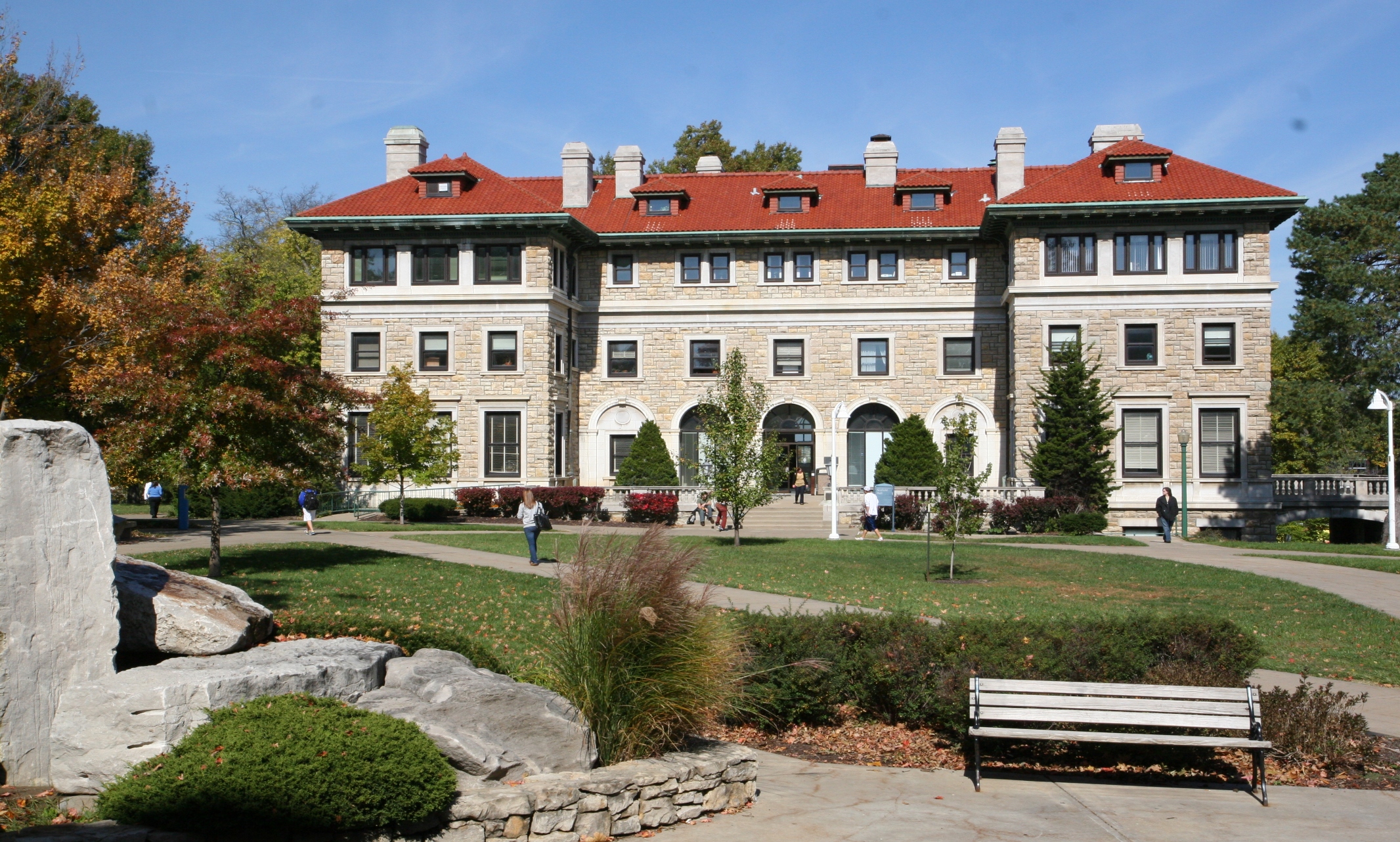
Bachelor of Applied Science helps those with Associates Degrees advance their skills and job prospects
The University of Missouri-Kansas City will offer a new degree — Bachelor of Applied Science — starting fall 2022.
The University of Missouri System Board of Curators approved the proposed degree unanimously on Thursday.
The Bachelor of Applied Science degree is designed for students who have completed an Associate in Applied Science degree. Beth Vonnahme, Ph.D., associate dean of the College of Arts and Science, said those associate degree credits do not easily transfer to many four-year degree programs, which means students wishing to return to higher education for career advancement must often start near the beginning of a four-year program.
"The new degree program allows students to use up to 60 hours of their associate degree credits toward the new bachelor's degree, enabling them to enter the workforce with a bachelor's degree in two years. This saves them valuable time and financial resources," Vonnahme said.
The new degree curriculum will combine core skills employers are looking for in future employees, such as critical thinking, communications, ethics, teamwork and complex problem-solving skills, with expertise in high-demand fields including business, organizational leadership, healthcare management, data analytics, digital media and digital humanities.
"This degree program will grow the pool of potential applicants with the technical experience and key competencies employers need for their workforce," Vonnahme said. "This innovative degree program presents a major opportunity to recruit new students, provides a high-quality educational experience to students who are currently underserved and equips the region's workforce with in-demand education and skills."
Sep 02, 2021
Flatland interviews UMKC professor
Gary O’Bannon, HR management professor at UMKC, gave insight on the new job market in the face of a pandemic. Read more.
Sep 01, 2021

UMKC grad served as lead pharmacist, caring for responders at Ground Zero
Twenty years later, the horrifying events of 9/11 are etched in David Bates’ memory.
Bates (B.S./R.Ph. ’93) recently thumbed through a large scrapbook on a desk at his home in Gallup, New Mexico. As the UMKC School of Pharmacy alumnus reminisced about the role he played as lead pharmacist for the emergency response teams at Ground Zero during the early days of the recovery effort, he stopped and pulled out a sheet of paper.
“Look at this,” Bates said. “I still have a copy of my deployment orders.”
Then a member of the United States Public Health Service in Tsaile, Arizona, Bates was back at UMKC on a recruiting trip for the service when news broke that terrorists had struck in New York City.
“By the time I got to campus, things were getting strange,” he said.
Finally able to connect by phone with his superiors at the emergency response headquarters, Bates was told to immediately return home to Arizona and await further orders. A week later, when grounded flights were finally restored in the U.S., Bates received the order to report to New York. His assignment would be to requisition supplies and establish a pharmacy in support of the five treatment sites set up for response teams near Ground Zero.
“When I got there the pile was still carrying temperatures of 1,200 degrees in places and was still burning big time. All that stuff was still being released in the air. You didn’t know what you were breathing. The ash in the air was everywhere. When you looked and saw the debris fields, they were seven stories high. That was very hard for me." — David Bates
Two years earlier, as a member of a disaster response team based in Albuquerque, New Mexico, Bates had deployed to Fort Dix Army Base in New Jersey as part of Operation Provide Refuge. During that tour, he provided pharmaceutical care for refugees entering the United States from war-torn Kosovo.
“That was my big break because I was working with emergency response people,” Bates said.
The experience paved the way for his call to New York in response to 9/11. A military veteran, Bates served as a medic and pharmacy technician with the U.S. Air Force before deciding at age 40 to return to school at UMKC. After earning his pharmacy degree, he joined the U.S. Public Service Corps and fulfilled his desire to work with emergency disaster teams. Nothing he had experienced before compared to what lay before him when he arrived at Ground Zero.
Bates looked at the devastation from the 9/11 attack on the Twin Towers of the World Trade Center in New York City.
“When I got there the pile was still carrying temperatures of 1,200 degrees in places and was still burning big time,” he said. “All that stuff was still being released in the air. You didn’t know what you were breathing. The ash in the air was everywhere. When you looked and saw the debris fields, they were seven stories high. That was very hard for me.”
Bates established sick call units for responders who had forgotten or run out of their medications for chronic ailments. That was in addition to locating and requisitioning medical supplies to establish a pharmacy that could support the on-site medical clinics, which were seeing 400 to 500 volunteers, military and disaster responders a day.
Many of those, Bates said, were soon becoming ill with respiratory issues because of the large amounts of toxic dust in the air. As of June 2021, the World Trade Center Health Program reported more than 3,500 deaths of responders attributed to a variety of illnesses associated with the aftermath of the 9/11 attack.
Things became so intense at one point that the chief of U.S. Army medical corps came to Bates one morning with a special request. Cyanide gas was escaping into the air and he needed cyanide antidote kits, stat. Bates quickly called a pharmaceutical provider, AmerisourceBergan, and explained his problem. That afternoon, Bates had the kits in hand.
“When the chief medical officer came back and I gave him the kits his response was, ‘I don’t even have the protocols written up for those yet.’ I said, ‘Well you’ve got ’em when you need ’em,’” Bates said. “That made me feel good because it surprised everybody.”
What particularly caught Bates’ attention during his time in New York was the enormous outpouring of support from the American people who wanted to help in some way.
“There was a tremendous response from Americans,” Bates said. “They sent us all kinds of stuff from their (medicine cabinets). Individuals, companies were all sending things they had and we had to go through all of that and see what was good, what was expired, what hadn’t expired, and see whether we could use it.”
In addition, many New York hospitals and other providers had immediately set up small clinics along the city streets. When the federal government took over the recovery efforts, the clinics were abandoned and most everything, including medical supplies, was left behind. It was Bates’ job to confiscate and sort through all of those medications, many of them controlled substances.
“During chaos, things happen,” he said. “It was total chaos at that point. We were just trying to bring a little organization back to the world.”
Nearly 10 days after arriving at Ground Zero, Bates had set up and organized a pharmacy on site from scratch for the next wave of responders. Bates then went home to finish up some year-end paperwork before taking a well-deserved vacation to a Florida beach with his wife and family.
Now retired from the Public Health Service, Bates is a contract pharmacist working with the Winslow Indian Health Center providing care for the Navajo Indian Nation. His career has sent him on 19 deployments to disaster sites across the country.
He says watching the recent U.S. evacuation of Afghanistan “works on you a little bit because you know what started this whole Afghan response from the military action was right where we were on 9/11.”
And it’s those events surrounding 9/11 that still stand out as a defining moment in his life.
“It helped me be more caring about people who are really in need,” he said. “I got involved in emergency response and kept taking it to a deeper and deeper level. I saw it as a way of helping people who were in desperate need of help. And these people were.”
Sep 01, 2021

The Division of Diversity and Inclusion will continue to host a series addressing systemic racism in the U.S.
The Critical Conversations series will continue this year.
The series is part of the thoughtful action our community is taking to ensure lasting and comprehensive reform through Roos Advocate for Community Change, a campus-wide effort announced in June 2020 following the death of George Floyd.
Last year’s panel discussions were in a Zoom town hall format and featured UMKC faculty, staff, students and volunteer leaders who represent the topic being discussed. Due to the ongoing pandemic, the sessions will remain virtual until further notice.
Each discussion aims to enlighten, educate, and explore the causes and potential cures for racism. Further, the university will strive to share actionable steps that can be used to improve racial interactions in the broader community. For more information, please email umkcchancellor@umkc.edu.
Upcoming Session:
The next session of Critical Conversations has not yet been announced. Check back here for the latest updates on the series.
Critical Conversations Series:
Tenth Session, Nov. 16: COVID, Vaccinations and (Mis)Information in Communities of Color
Panelists included: Qiana Thomason, President and CEO of Health Forward Foundation; Dr. Liset Olarte, Divison of Infectious Disease at Children's Mercy Hospital Kansas City; Jannette Berkely-Patton, professor at UMKC Biomedical/Health Informatics and Frank Thompson, interim Director of Health at the Kansas City Health Department. Gary O'Bannon, executive in-house residence, UMKC Henry W. Bloch School of Management, was the moderator.
Ninth Session, Sept. 9: The Role of Antiracism Work and Healing in Museums
Panelists included: Rashida Phillips, executive director, American Jazz Museum; Julian Zugazahoitia, director and CEO, The Nelson-Atkins Museum of Art; Glenn North, executive director, Bruce R. Watkins Cultural Heritage Center; Matthew Naylor, president and CEO, National World War 1 Museum and Memorial; and Anna Marie Tutera, director, Kansas City Museum. Gary O'Bannon, executive-in-resident, UMKC Henry W. Bloch School of Management, was the moderator.
Critical Conversations from 2020-21:
To see a complete list of the first eight sessions, click here.
Aug 31, 2021
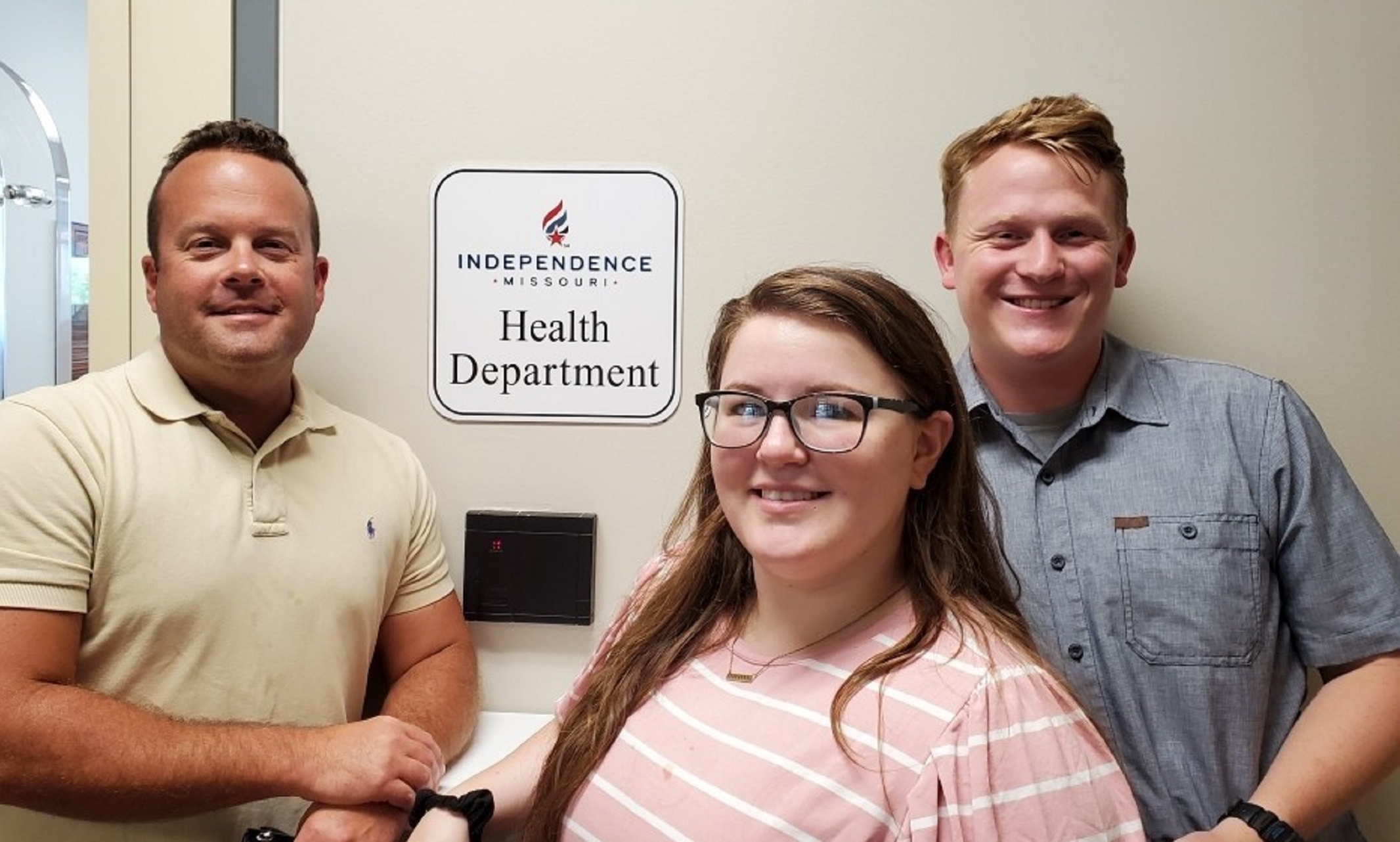
City of Independence, UMKC help each other as importance of community programs grows
When the city of Independence, Missouri, wanted to re-institute its Health Department, two recent graduates of the School of Nursing and Health Studies — and an adjunct professor — were there to help.
The process showed the value of the university to its government and community partners, and it gave the graduates full-time jobs in their field of public health.
Halie Smith-Griffin, who graduated magna cum laude from the public health program, began helping Independence restore its Health Department during her senior year as her capstone project. And when the city had an opening for a public health specialist, she was a natural for the job.
“I chose public health because I wanted to explore more upstream methods to improve the public’s health rather than focusing my efforts on them once they already made it to the hospital,” said Smith-Griffin, an Independence native. “I’m re-establishing community-based programs since the Health Department just re-opened a few months ago after being shut down for a few years.”
Another public health graduate, Conner Berens, is from nearby Lee’s Summit and was a familiar face around Independence government. “I have volunteered for the City of Independence Office of Emergency Preparedness since I was a sophomore in high school,” he said. So when there was an opening for a public health response planner, he jumped at the chance.
Berens had hoped to find a job relating to public health or emergency management right out of school, and he said UMKC prepared him to do just that.
“The public health program put me into the real world, teaching me the principles of research, how to deal with the unexpected, how to develop a health program, and how to be a kind, effective and professional public health practitioner.”
Besides their passion for public health and the lessons and experiences gained at UMKC, Smith-Griffin and Berens graduated at an opportune time, when Independence was re-establishing its Health Department.
In 2018, Independence chose to stop some department functions that were duplicated by Jackson County, such as those related to vital records and vaccinations, and shifted other functions to different city departments. But with the onset of the pandemic, it made sense for the city of around 125,000 residents to have its own Health Department again.
One longtime city administrator tasked with reinstituting the department, Mike Jackson, is an adjunct faculty member with UMKC’s public health program. Jackson has worked for the city about 20 years, holding various posts in environmental health and public works. “So I know about various funding sources, and what the Health Department looked like before and how its functions were reorganized,” he said.
Jackson also knew UMKC could be a great resource. “Around 2014 when the nursing school was putting its public health program together, I was asked to design the environmental health course. And then I was asked to teach it,” he said. “For a project in my class, Conner interned with our emergency preparedness and fire department.”
Jackson also told Smith-Griffin, whose senior project he had supervised, about the job opening she eventually filled. “But then I got out of the away, removed myself from the hiring process,” Jackson said. “It was her turn to shine, and I didn’t want anyone thinking she didn’t deserve the job.”
The re-established Health Department was officially recognized by the state late last year, and Jackson, Smith-Griffin and Berens are busy getting all its functions coordinated and running again.
“I am working on two grants right now,” said Smith-Griffin, who has a small child and great interest in child and maternal health. “One is focused on maternal child health and the other is focused specifically on child health.”
The Technology, Marketing and Media in Health course, taught by Assistant Professor Dipti Subramaniam, Ph.D., is helping Smith-Griffin create promotional material for the maternal health grant. And she said her Health Program Management class, taught by Assistant Professor Matthew Chrisman, Ph.D., has helped her set up her grants.
“I have had to find out who my target population is for my grant, a significant problem they have, and an intervention that could improve their health,” Smith-Griffin said. “I have had to write SMART goals and objectives,” SMART standing for Specific, Measurable, Assignable (or Achievable or Attainable), Realistic (or Relevant) and Time-related (or Time-bound).
Berens is working with COVID-19 surveillance and epidemiology, and with updating emergency response plans.
“Future tasks include developing plans and partnerships to prepare for public health disasters such as environmental crises, natural disasters, disease outbreaks, bioterrorism and other events that result in a mass medical surge or immediate threat to public health,” he said.
During school, Berens also volunteered for the Medical Reserve Corps of Kansas City in response to COVID-19. He said volunteering was a great supplement to his coursework, and he encourages current students to sign up for medical and non-medical opportunities at https://www.mrckc.org.
For his part, Jackson has been busy restarting Health Department functions that had reverted to the county, such as vaccine clinics and disease tracking and tracing, and reintegrating other functions that the city retained, such as restaurant health inspections.
“I know a student can’t always parlay volunteering or an internship into a fulltime job,” Jackson said, “but Conner and Halie showed us what they could do and really shined. That reflects well on them and on UMKC.”
Aug 30, 2021
Kansas City Star taps Greg Vonnahme for article about Rep. Emanuel Cleaver
Greg Vonnahme, a political science professor at the University of Missouri-Kansas City, was interviewed for this story. Read more. (subscription required)
Aug 27, 2021
Rebecca Best offers expertise to media
Rebecca Best, an associate professor of political science at the University of Missouri-Kansas City, said ISIS-K stands to undermine the Taliban and the United States with its attack.
What Is ISIS-K? A Look at the Group Responsible for Afghanistan Terror Attack - KMIZ
The Revolt of Islamic State-Khorasan - Political Violence at a Glance
Aug 27, 2021
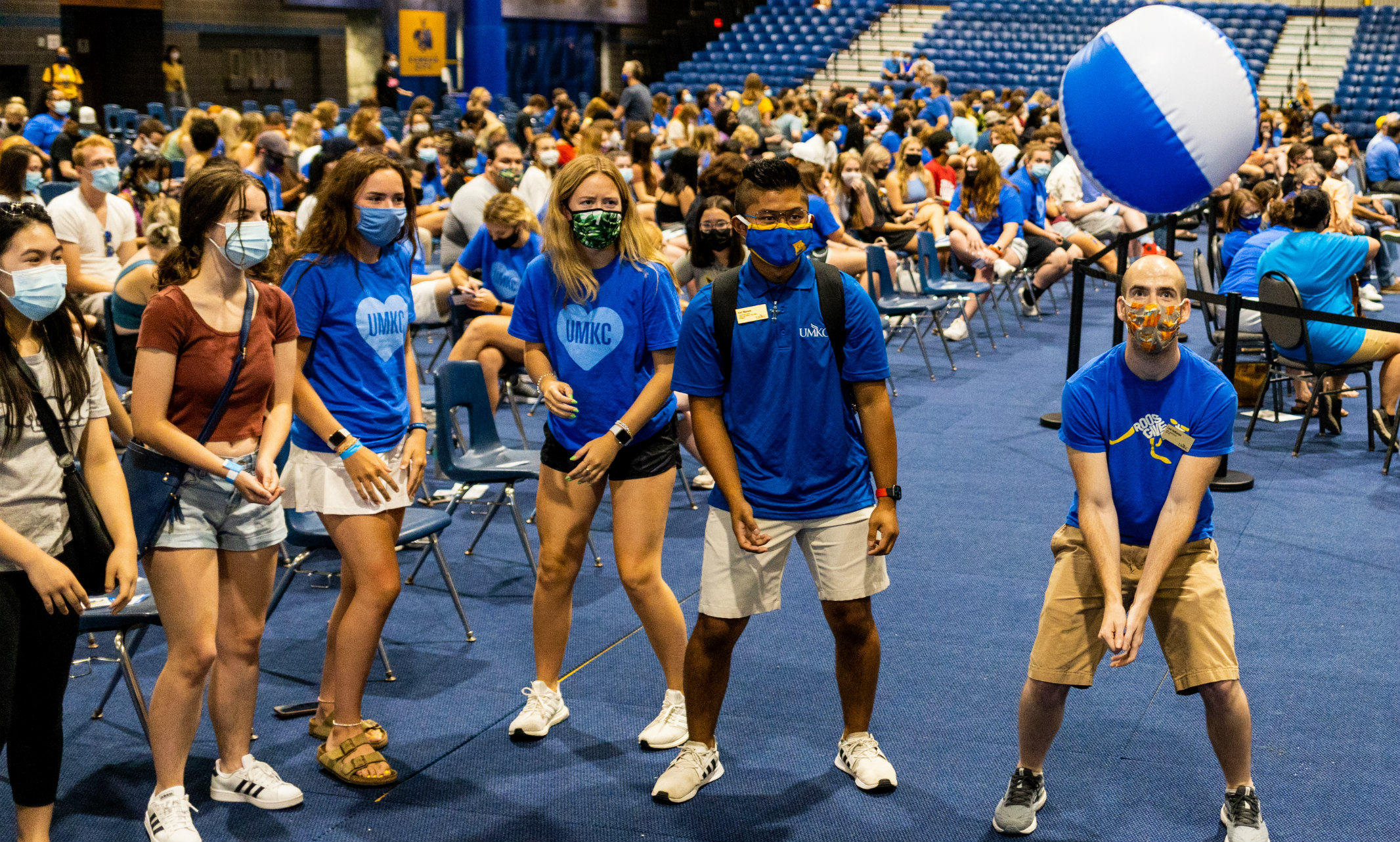
UMKC students kick off Fall 2021 semester
It started with moving in to a new campus or off-campus home. It ended with an upbeat ceremony introducing traditions and an official launch of college life. Also in the mix were meetups, brunches, impromptu introductions and organized frivolity, dancing, a pool party, a mechanical bull, soccer with pregame tailgate party and more.
Roo Welcome is the annual rite of passage for new students at UMKC. It involves informal academic preparations, sessions on managing finances, men’s and women’s soccer games and plenty of fun activities. In concludes with Convocation, where new students are welcomed by the Chancellor and Provost, learn the alma mater and fight song and put on their UMKC pins.
Here’s a look at scenes from Roo Welcome 2021.
It takes a cartload to turn a Residence Hall room into a home
Gotta have that favorite pillow
The journey begins with a single step
Summer scene at Scofield Hall
Welcome to Convocation
Pre-Convocation games
Summer sunshine on the quad
KC Roo demonstrating leadership
A tailgate feast
Game time!
Attention to detail matters
Catch a wave
Headed to the Student Union . . .
. . . for a caffeine break
Our newest campus icon, the bronze Roo by sculptor Tom Corbin
Late Night with the Greeks drew a nighttime crowd
Letting the music move you
Can he hold on?
Sunset over the soccer field
Aug 27, 2021
Diane Mutti-Burke weighs-in
Diane Mutti-Burke, a professor of history at the University of Missouri-Kansas City, was interviewed by local media about the re-naming of the creek. Read the news coverage:
Controversial Name, History of Johnson County Creek Leads To Possible Name Change - KSHB
“Negro Creek” In Johnson County Likely Renamed After Finding Link To Racial Violence - KCTV5
Aug 26, 2021
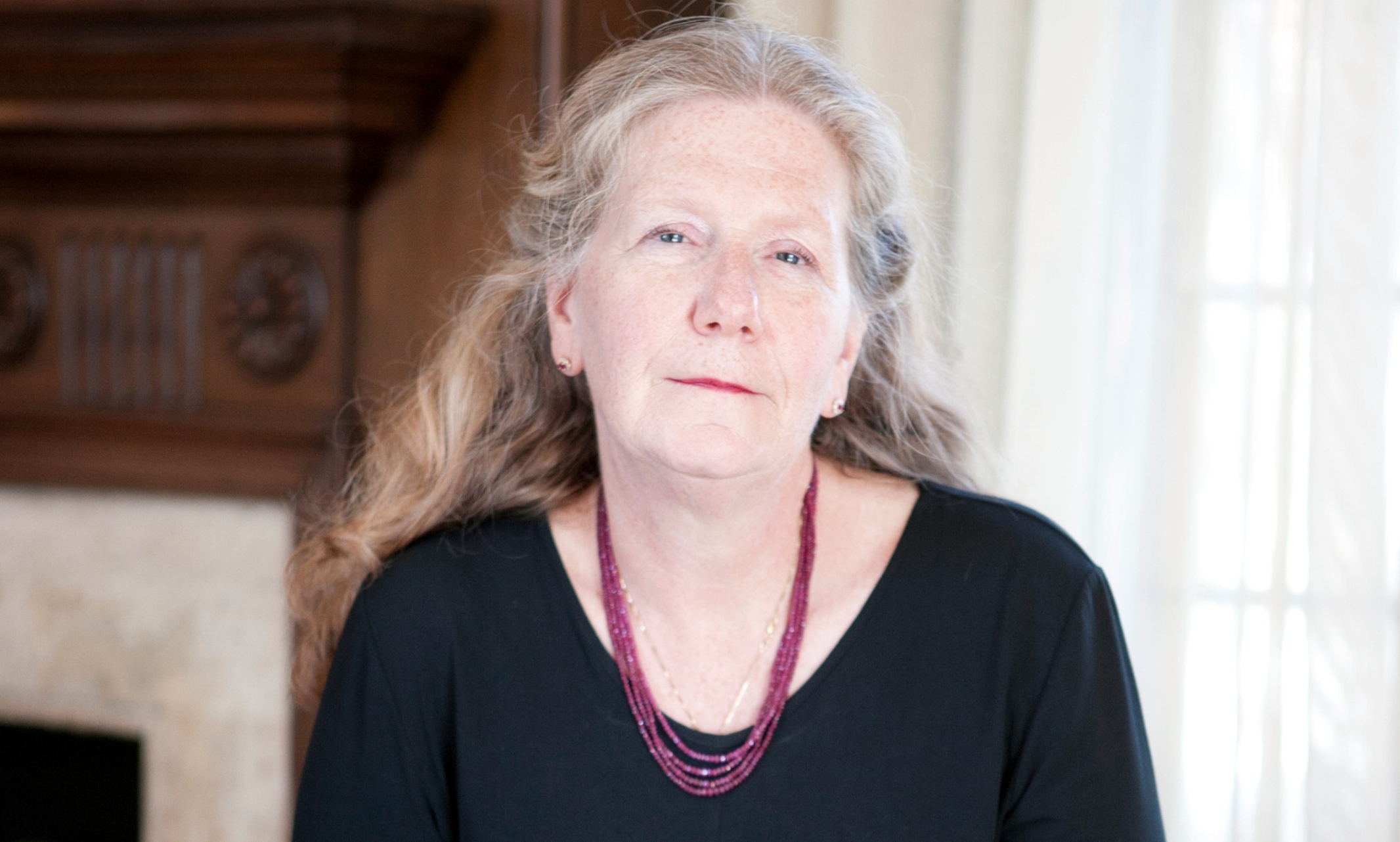
2011 Alumna of the Year Cynthia Watson wraps up career at National War College
Cynthia Watson (B.A. ’78), the UMKC 2011 Alumna of the Year, has announced her pending retirement after three decades of service at the National War College, where she served as a professor of National Security Strategy, chair of the Department of Security Studies and then dean of Faculty and Academic Programs.
As a world-renowned authority on security policy analysis, Watson has directly impacted U.S. foreign policy in everything from civilian-military relations to national security issues. Her students, according to the college, have been “future leaders of the Armed Forces, Department of State and other civilian agencies” being groomed for high-level policy, command and staff responsibilities.
As she prepares for retirement in December, Watson corresponded with her alma mater by email to share reflections on her career and thoughts on current affairs:
Looking back over your career as an educator and scholar, what would you consider to be the highlights and/or most significant accomplishments?
I am proud to show that a UMKC education offered me the privilege of working and studying contemporary issues in several settings around the country. I am especially proud of my three and a half years as Dean of Faculty and Academic Programs, out of 29 overall years, at the National War College where we bring together such a diverse array of students who tackle extraordinarily important yet often intractable problems for the U.S. and our partner nations. I will continue this as Interim Provost of the National Defense University until December 2021.
In your view, what is the most significant national security challenge the U.S. must address?
We must address our internal divisions in my personal analysis. People overseas no longer see us as a beacon on the hill. Compromise is NOT a dirty word but is what made us uniquely successful for two hundred years. By no longer doing that, we are allowing our adversaries to rip us apart which will prevent us from sustaining the power of this nation in many ways.
What are your favorite memories of your days as a UMKC undergraduate?
I have such fond memories of friends who I lost track of over the decades but with whom I have connected on social media. They are awesome people who have gone out to do such marvelous things across the country and in their fields.
Aug 26, 2021
KC Applauds shares performance details with UMKC Theatre students
Mobile Molièr: UMKC Theatre’s MFA actors bring their riotous romp of a touring show to local schools, performing some of Molière’s most famous and hilarious scenes. Read more.
Aug 25, 2021
The Pitch profiles Steve Kraske
Steve Kraske is a professor in the UMKC College of Arts and Sciences. He is also the host of KCUR's Up to Date. Read the article.
Aug 25, 2021
Kansas City Media Reports on Roo Blue Swirl
Betty Rae’s Ice Cream is now scooping “Roo Blue Swirl” in homage to the University of Missouri-Kansas City. Owner Alec Rodgers is a UMKC alum, and said the new mix was a collaborative effort with the university. Read the news coverage:
Betty Rae’s Debuts New UMKC-inspired Flavor, ‘Roo Blue Swirl’ - KSHB
Iconic KC Ice Cream Shop Debuts New Flavor In Honor of Local University - KCTV5
Aug 25, 2021
Our Healthy KC Eastside interviews Dina Newman
Dina Newman, director of the UMKC Center for Neighborhoods, discusses the organization's role in Our Healthy KC Eastside, a large-scale, community-based partnership addressing vaccine hesitance and health inequities in vulnerable portions of Jackson County, Mo. Read the full article.
Aug 25, 2021
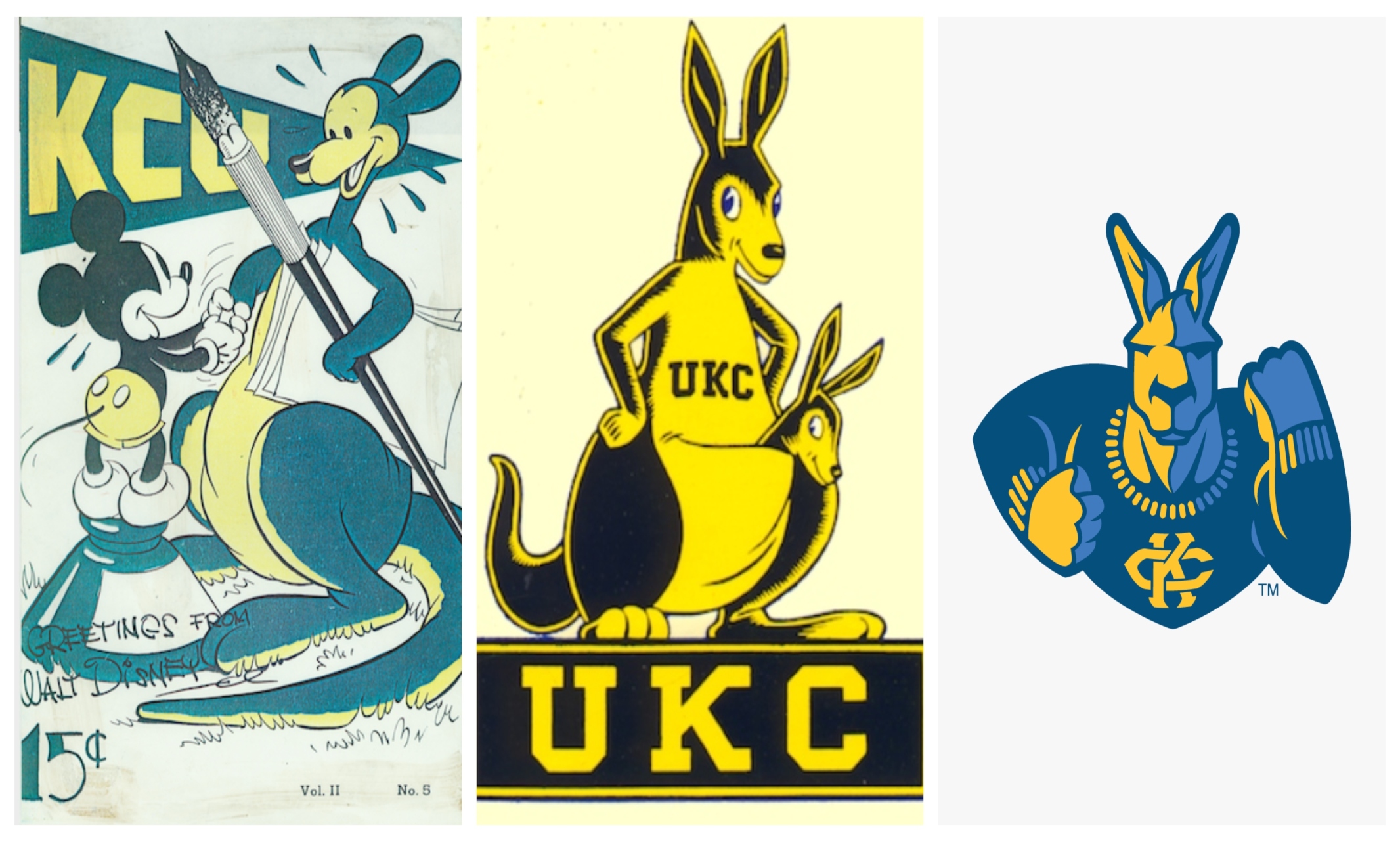
A hop back through time for a look at the mascot’s changing style
In 1936, students at the newly established University of Kansas City were looking for a mascot that would embody the spirit of their school.
The three-year-old university had yet to establish an athletics program, but the debate team was about to begin competing with other universities.
“So, this idea came about that we needed to have a mascot for the university,” said Chris Wolff, the manager of the UMKC Bookstore and a UMKC historian.
At the time, the city of Kansas City was abuzz, eagerly anticipating some very exciting news. Across town at the Kansas City Zoo, Jigger the kangaroo, who had arrived just one year before, was pregnant and the whole town was awaiting news of her little one’s arrival. With all the excitement of the joey’s debut, the students were inspired and chose the kangaroo as the new mascot of the debate team. After all, it rhymed with KCU, the colloquial term used by the community for the university, and they knew the unique selection would stand out.
At first, the adoption of the kangaroo mascot was a student-led effort. After the debate team signed on, the yearbook did too, using the kangaroo as part of the front cover. The kangaroo mascot was nearly lost forever though, when in 1937 the yearbook dropped the kangaroo as its mascot. Not everyone was happy about the change. John Chaney, the president of the KCU Student Council, started the Kangaroo Party of the University of Kansas City with the platform to adopt the kangaroo as the university’s official mascot. In the fall of 1937, Kasey Kangaroo was born.
Throughout the years, Kasey has taken on many forms, both from student-created depictions, to official university marketing. Here is a look back at some of the most recognizable iterations.
The Disney Roo - 1938
In the early years of the kangaroo mascot, the depiction of the mascot was left to students, with help from a local celebrity. Fresh off his 1937 hit Snow White, KC native and famous animator Walt Disney responded to a request from KCU students to illustrate the cover of the March 1938 edition of the student-published humor magazine, The Kangaroo. Nearly a century later, it’s still perhaps the most well-known version of the KC Roo.
Student Roos 1938 - 1968
Over the next couple of decades, students created their own version of KC Roo for various purposes. Some were based on Disney’s version, others were completely unique creations.
The First Official Kasey - 1963
For more than 25 years after the kangaroo became the official KCU mascot, KCU did not use a depiction of a Roo in an official capacity. That changed shortly before KCU joined the University of Missouri System and became the University of Missouri–Kansas City, when the university unveiled its first Roo. It was also the first time Kasey is depicted with a pouch, making her a female. When the university merged with the Missouri system, Kasey got a slight makeover to reflect the change.
Return of the Student Roos - 1970s-1980s
UMKC introduced an athletics program in 1968, but throughout the 70s and early 80s, the university usage of the Roo image declined. Students filled in the gap with their own illustrations of KC Roo playing various sports.
The Flying Roo - 1987
In 1987, UMKC joined the top competition group within the NCAA, Division I. As part of the change, the Roo was updated to be more suitable to athletic competitions.
The Boxing Roo - 2005
In the early 2000s, KC Roo tested a tougher look.
The Hopping Roo - 2009
In 2009, the second version of the running Roo was unveiled.
Fighting Roo - 2019
Today, the Roo takes on a more modern look. Now known as KC Roo, the image you see across campus and at athletic events these days was introduced in 2019.
Through the years, KC Roo has been met with both praise and criticism, but there was only one time since her official adoption that she truly faced the threat of extinction. When the university joined the NCAA Division I, there was a referendum to choose a mascot. Students voted to keep the Roo.
Asked why he believes KC Roo has stood the test of time, Wolff says his theory goes back to the early years.
“The connection to Walt Disney. That holds weight in people’s minds, gives it historical heft.”
Aug 24, 2021
KCTV5 interviews School of Law student
Bryce Graskemper, UMKC School of Law student, was interviewed for this story. Read the story and watch the newscast.
Aug 23, 2021
IN Kansas City magazine highlights UMKC Theatre, Heart of America Shakespeare Festival collaboration
The Heart of America Shakespeare Festival is teaming up with UMKC Theatre to present The Tempest in the UMKC Spencer Theatre. Read more.
Aug 23, 2021
Kati Toivanen featured by KC Independent
KC Independent featured Kati Toivanen, interim dean of the UMKC College of Arts and Sciences. Read the full article.
Aug 23, 2021
UMKC Theatre professor weighs-in
When more than 76,000 voices are at a fever pitch, the sound builds and begins moving in sheets, says Tom Mardikes, a University of Missouri-Kansas City professor of sound design. Read The Kansas City Star article. (subscription required)
Aug 22, 2021
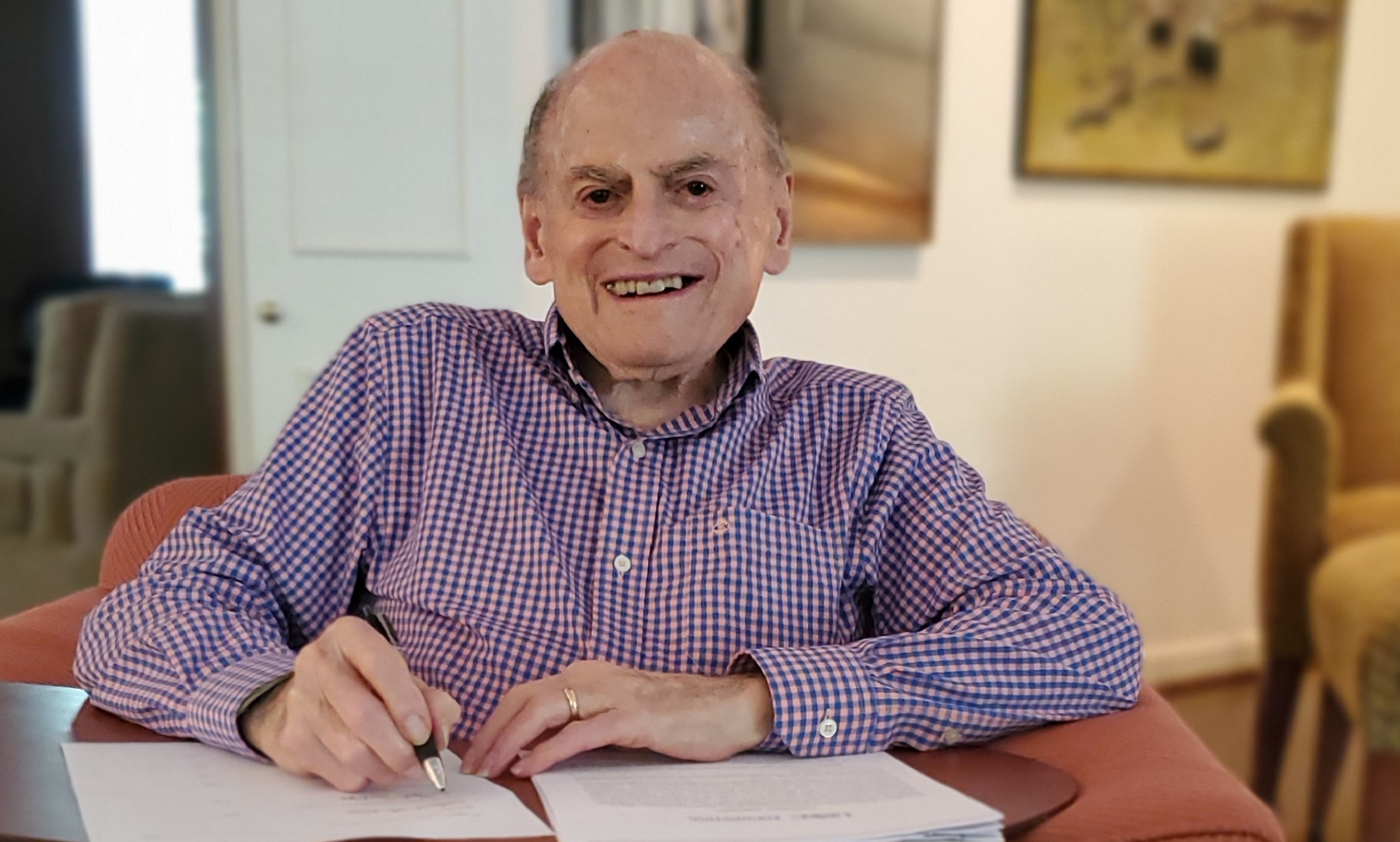
Focus on kindergarten through third grade literacy has long-term impact
Moved by the ramifications of children’s inability to read at grade level by third grade, Kansas City civic leader and dedicated education donor, Bert Berkley, has established an endowed fund of $50,000 to support the Bert Berkley Award for Excellence in Early Childhood Literacy at UMKC.
The fund will provide scholarships to individuals and awards to teachers, school administrators and organizations within the field of childhood literacy, and specifically phonics, to encourage and recognize progress in this area. The UMKC School of Education will recognize recipients at the Urban Education Forum.
Berkley is committed to early childhood education and the scientific approaches to the study of literacy, including the use of phonics.
“I’ve had a particular focus on the importance of reading skills,” Berkley says. “We have many challenges in reading at grade level here in Kansas City as well as nationally. The School of Education at UMKC does an outstanding job of training teachers for the urban classroom. My motivation for the creation of this endowment is that my late wife, Joan, and I have always believed that the power of education is what provides opportunity for young people.”
Recipients of the award will demonstrate long-term dedication to teaching reading to students in kindergarten through third grade, achieve significant progress in student reading levels and make effective use of research-based instruction methodologies of teaching reading including the use of phonics.
“Bert has been tireless in his support of literacy for children in early education,” Carolyn Barber, interim dean of the School of Education says. “In creating this award, the UMKC School of Education joins with Bert in recognizing outstanding achievement in the field of early childhood literacy.”
Establishing strong reading skills by third grade is a determining factor in long-term academic success.
“An abundance of research has affirmed the critical importance of early reading achievement,” Nora Peterman, assistant professor of language and literacy, says. “Third-grade reading proficiency is one of the most powerful predictors of a child's continued academic success and of graduating from high school. Educational equity can only be realized when all students have access to excellent, effective literacy instruction in schools.”
Berkley is a previous recipient of the Hugh J. Zimmer Award for Excellence in Urban Education. The award recognizes urban educators and urban education supporters from the region who are following the example of passion and commitment to urban young people and their communities set by former UMKC Trustee and UMKC Foundation board member Hugh Zimmer. The Zimmer Award is also announced at the Urban Education Forum.
“We are fortunate that the UMKC School of Education has such a stalwart supporter in Bert Berkley,” Mauli Agrawal, chancellor of UMKC says. “His impact on the quality of education in Kansas City is immeasurable. We are honored that he has established this critically important award at UMKC.”
A former chair of the UMKC Board of Trustees and recipient of the Chancellor’s Medal, Berkley is the founder of the Local Investment Commission (LINC) , which has nothing to do with stocks and bonds, but everything to do with investing in children and families. LINC provides social services to those in need, including thousands of children. He is a decorated veteran of World War II and Korea, graduated from both Duke University and Harvard Business School and served on many local and national boards.
Aug 20, 2021
Flatland interviews Arnold Abels
Arnold Abels, Ph.D., director and clinical coordinator of the UMKC Counseling Center, was interviewed. He said a decrease in clients at UMKC is partially due to licensing that only allows them to serve residents of Missouri or Kansas. Read the full article.
Aug 19, 2021
Mary Anne Jackson shares insights with media
Real-world studies that show declines in immunity among vaccinated people make clear the need for additional protection, according to Mary Anne Jackson, infectious disease specialist and dean of the University of Missouri-Kansas City School of Medicine. Read the article.
More news coverage for Mary Anne Jackson
Kansas City Health Experts Question Claims In Northland Parents' Lawsuit Over Mask Mandates - KCUR
Vaccinated And Confused In Kansas City? How To Decide Whether An Activity Is Safe - KCUR
Aug 18, 2021
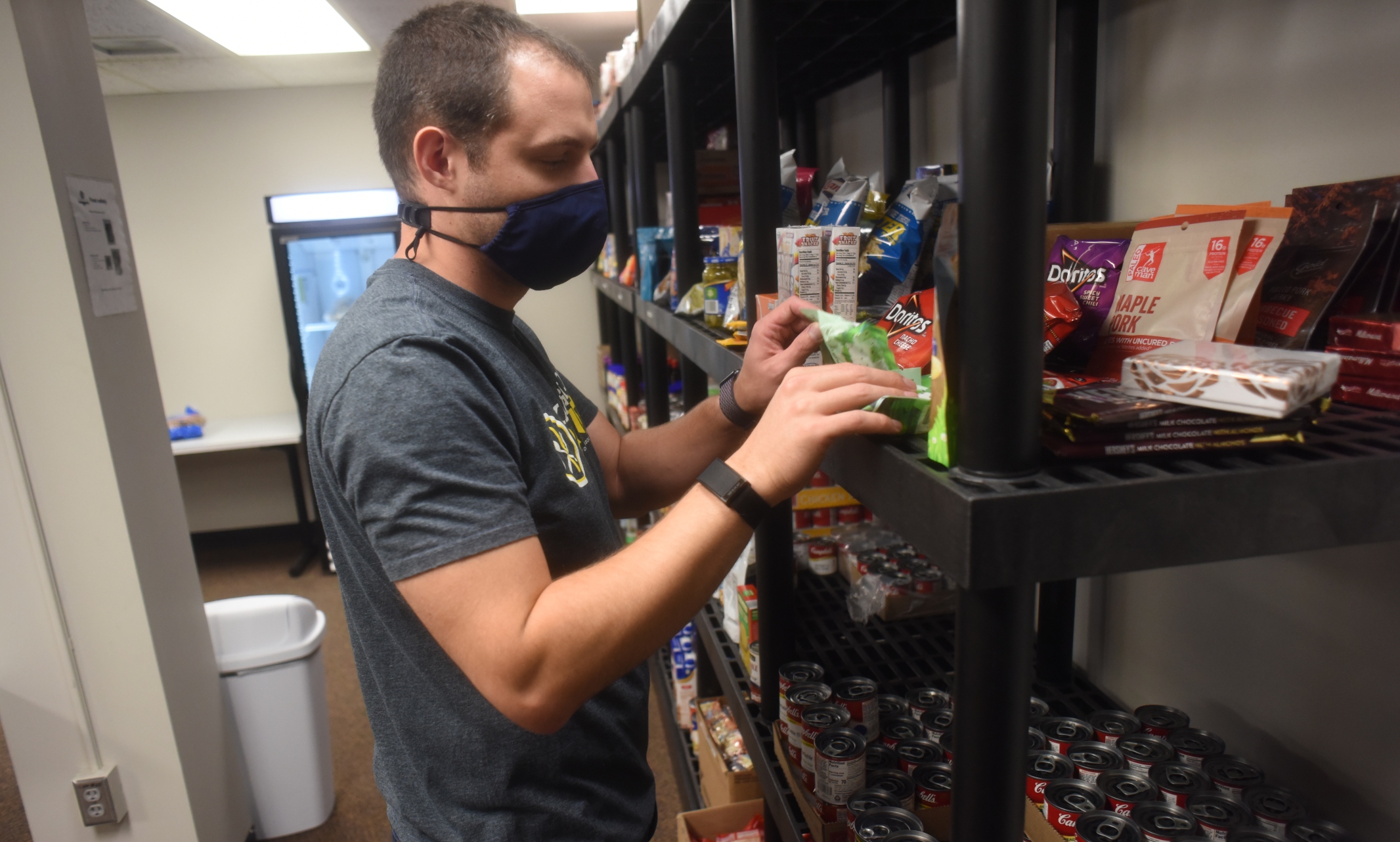
The pantry ensures no Roo goes without, especially during the pandemic
The UMKC Kangaroo Pantry has expanded its reach to help more Roos in need as the pandemic has left more hungry.
During the 2019-2020 school year, the pantry distributed 9,873 pounds of food. Last school year, their output more than doubled, as they distributed 22,140 pounds.
"This is different than anything we've seen. We're seeing more students than we have probably seen in a very long time," Taylor Blackmon, basic needs coordinator said.
The pantry has been able to meet the increased need through things like donations and partnerships with companies and organizations such as Hiland Dairy, Whole Foods and Harvesters Community Food Network.
Anthony Maly, senior program manager, said financial donations and partnerships have been extremely important to the pantry over the last couple of years.
"We really couldn't operate without that financial assistance," Maly said.
Opened in 2015, the Kangaroo Pantry provides food assistance for all Roos in need, including students, faculty and staff. Because of donations, within the last year the pantry has seen some new additions, like a refrigerator and freezer that houses fresh produce, meats and free Hiland Dairy products.
The pantry has also expanded its offerings to include items such as feminine hygiene products, dog food and baby formula.
"We believe that no Roos should go without, and that includes hygiene products, laundry detergent, whatever students, faculty or staff might need to meet their most basic needs. We want to make sure that we can provide that," Maly said.
How to receive assistance from the Kangaroo Food Pantry:
If you are a UMKC student, faculty or staff member who needs assistance, bring your university ID to the pantry to shop during the pantry's open house hours. Masks or face coverings are required regardless of vaccination status.
All Roos are eligible to pick roughly 20 food items per week, but fresh produce does not count toward those 20 items.
While the pantry does place a limit on items, Blackmon said they are willing to work with those who may have increased need for additional items.
"We do have some people who are utilizing this service that are shopping for their families and not just going back to their dorm rooms. In those cases, especially if there are children involved, your items won't be counted," Blackmon said.
"We believe that no Roos should go without." — Anthony Maly
Locations and hours:
The Kangaroo Food Pantry's main location can be found at 4825 Troost, Room 103. It's open Tuesday 1:30-5:30 p.m., Wednesday and Thursday 1-5 p.m. and Sunday 3-6 p.m.
If you are unable to make any of those hours, Blackmon said appointments can be set up.
The main location features a "full client choice model" which means individuals can walk the aisles and 'shop' for the items they want, instead of simply picking up pre-packaged bags of items.
In addition to the main campus, and due to increased need, the Kangaroo Food Pantry has also launched two satellite locations. One is in the Health Science District, on the first floor (Room 1-402) of the School of Medicine. It's open from 8 a.m.-5 p.m. for students to pick up pre-packaged bags of items.
The second satellite pantry is in the UMKC Student Union on the 2nd floor near Jazzman's. The pantry is "shelf-style," meaning students walking by can quickly grab whatever they like without having to "check out," or pre-order.
Blackmon said all of the locations are meant to encourage everyone to take advantage of the resources the Kangaroo Food Pantry offers.
"This is here for you. There is no stigma here," Blackmon said.
How to support the Kangaroo Food Pantry:
While the pantry does accept donated non-perishable food, monetary donations are encouraged, as the pantry can stretch a dollar further through partnerships than the average grocery store shopper.
If you would like to make a financial contribution, click here. Those interested in volunteering to work at the pantry can sign up here.
Another way to support the Kangaroo Pantry is to participate in the upcoming UMKC Virtual 5K which runs from Sept. 25- October 3. Registration is $25 and all proceeds support the pantry.
Aug 18, 2021
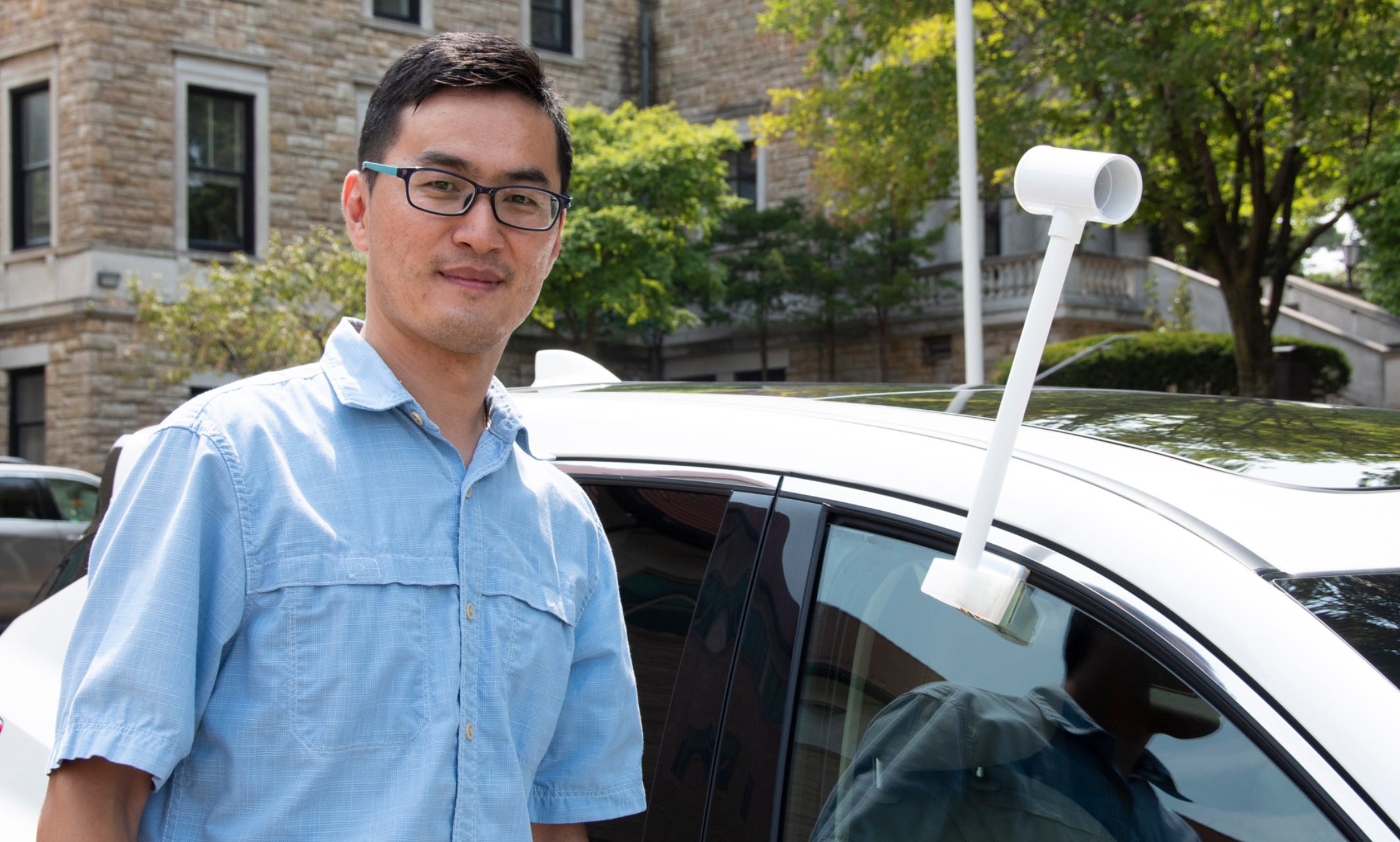
Volunteers from across the metro helped collect data for a national research project
Dozens of volunteers took their marks across Kansas City on a hot, August day. Their mission: Take an hour-long drive to find out more about how heat is distributed throughout the city.
Kansas City is one of about a dozen cities taking part in a nationwide research project funded by the National Oceanic and Atmospheric Administration. The goal is to create a map indicating where there are pockets of land that are warmer than surrounding areas. Researchers call these areas urban heat islands.
UMKC Earth and Environmental Sciences professor Fengpeng Sun, Ph.D. is leading the Kansas City cohort of the experiment. He said while most people are familiar with how greenhouse gas emissions contribute to global warming, they should also be aware of how land use and land cover change has impacted temperatures.
“You think about the Kansas City area compared to 30 years ago. We have more buildings. We have more concrete and more asphalt, we have less trees, less soil,” said Sun. “We want to utilize this project to showcase how the temperature has been distributed across our community.”
For the study, volunteers mount a sensor on their cars, which records the air temperature, air humidity and GPS location every second. Then they drive an 80-square-mile loop mapped out in advance. After that, the data is sent back to NOAA, which combines it with satellite data to produce a map that shows where the heat islands are located.
The volunteers included UMKC students and faculty, community members and employees of UMKC community partners and the city of Kansas City.
Amanda Mercier is an environmental science major. After volunteering for environmental projects around the world for several years, she decided to pursue a degree with hopes to make a larger impact. She said she was eager for a chance to work with Sun and to contribute to research.
“As soon as they were letting people back on campus, I think I was one of the first people to sign up for this,” said Mercier.
NOAA is expected to return the data in about two or three months. After that, Sun said the research his team collected can be used in a variety of ways to help mitigate the issue of heat islands in Kansas City, from comparing his data to social impact data to helping inform city government decisions.
“They are the policy makers. Hopefully my voice, the results that we get, can be heard by them,” said Sun. “It’s very important for them to develop some kind of adaptation strategy and also mitigation strategy. Make sure that your city, that your area is going to be sustainable and, most importantly, it’s going to be resilient enough in a warming world.”
It could also help project partner and local non-profit Bridging the Gap with its Master Urban Forest Plan that the city adopted in 2020.
“We will eventually be able to see, through this data, where we might want to concentrate more of our tree planting efforts,” said Kristin Riott, the non-profit’s executive director.
Most importantly, Sun said, he wants the community to be engaged and to see the results. It is why he invited community volunteers to help collect the data. He even arranged the routes to go by recognizable Kansas City landmarks so that once the results from the research were published, they would be more relatable to the public.
“It can give people more of an impression about the data,” said Sun. “Climate change is not something really far away from us. It’s happening. It’s happening in our neighborhood. And we know that we are experiencing more and more heat days, and this is exactly what we want to convey to people. It can happen anywhere. The impact could be different, but it can happen everywhere.”
The data collection led by Sun came just days before the United Nations released an urgent report warning that climate change is widespread, rapid and intensifying; and exactly a week before NOAA announced new data showing July 2021 as the hottest month ever recorded on earth.
“We all need to do this together, we’re running out of time,” said Mercier.
Aug 16, 2021
Fengpeng Sun's research is the focus of media coverage
The project in this article is coordinated by Fengpeng Sun, a climate scientist and assistant professor at the University of Missouri-Kansas City. The project gathered tens of thousands of data points in one day. The Kansas City effort is part of a larger nationwide campaign to map urban pockets where temperatures can be nearly 10 degrees higher than outlying areas.
Hunting for Hot Spots in Kansas City’s Climate - Flatland
City Dwellers Swelter In Heat Islands as High Temps Hit Neighborhoods Unequally - National Catholic Reporter
Kansas City Suffers from Severe Urban Heat. Research Now Underway Might Help Leaders Address It. - Kansas Reflector
Aug 13, 2021
The Independent covers upcoming music composition contest
UMKC Conservatory doctoral student Yunfei Li is among the six Kansas City performing artists selected this summer as winners of the Charlotte Street Foundation’s first annual New Music Composition Competition. Each will produce a brand-new work to be performed by the locally-based Ensemble Mother Russia Industries at a concert on Oct. 2. Tim Harte, the first UMKC Conservatory student admitted with the computer as his “instrument,” formed Ensemble Mother Russia Industries in 2008 as a non-traditional performance ensemble. The Foundation chose Harte to spearhead the process and the performance. Read more.
Aug 12, 2021
Associate Professor Jacob Wagner weighs in
Mobile home parks are difficult to find in Kansas City. University of Missouri-Kansas City Associate Professor Jacob Wagner says mobile home parks make up just around 1% of living spaces in the city. Wagner, who teaches Urban Planning and Design, says that mobile homeowners stand to lose a lot in this deal. Read more from KCUR.
Aug 12, 2021
Novak tells Toriano Porter that Kansas City is on pace to ‘be one of the deadliest’
Toriano Porter, Kansas City Star reporter, talked to Ken Novak, a professor of criminal justice and criminology at UMKC, for this column. Read the full article. (subscription required)
Aug 12, 2021
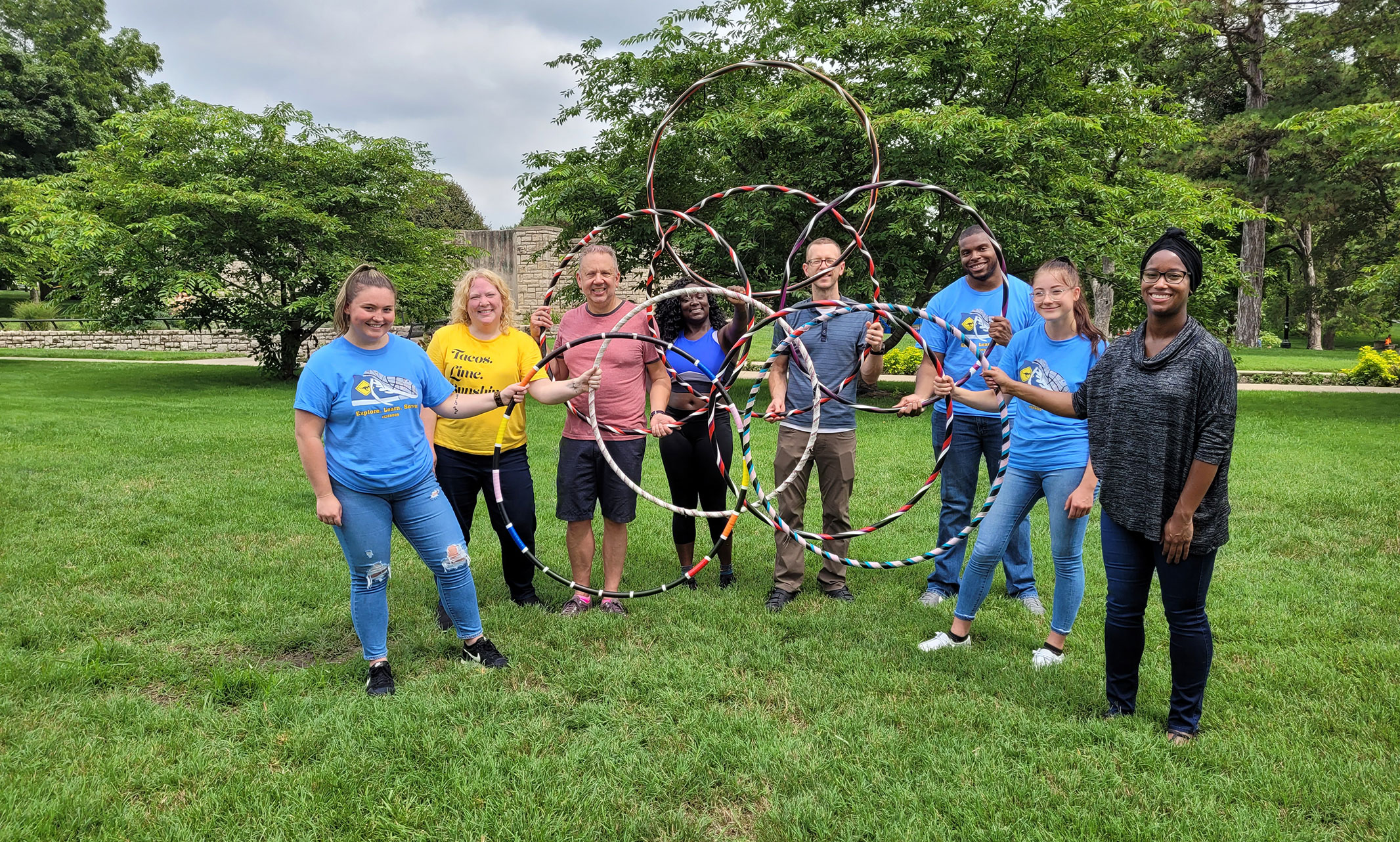
Students work with community in new field exploration course
Field experience in the community in your chosen profession is a hallmark of a UMKC education. Thus summer, criminal justice and criminology students worked in a wide range of outreach programs connected to the justice system.
Each week brought them to a different community service in the Kansas City area, including law enforcement outreach, addiction recovery and underserved youth, where they could see first-hand how their careers could make an impact. This unique field exploration course was spearheaded by professor and internship coordinator Misty Campbell.
“I wanted to provide an opportunity for students to see what everyday tasks are for those working within the justice system and the various roles one can play within different positions,” Campbell said. “Students were able to engage with a fundraising event, community policing, data collection, strategic planning, observe a facilitated training on trauma and learn about the core tenants of a multi-service agency. My goal was to provide a deeper exploration of careers and professional tasks associated within the diversity of justice-oriented professions.”
Psychology, criminal justice and honors program student Leah Maass completed the course with a better idea on where she wanted her career to go.
“I knew I wanted to work as a paralegal but after spending time at each site, I realized I could also explore a different route while still working with legislation,” Maass said. “This class was an amazing opportunity to immerse myself in the community.”
Leah Maass (second from left) and Jahvon Parker (fourth from left) with their classmates on site at Synergy
Criminal justice student Jahvon Parker is ready to graduate at the end of this next semester. The course hasn’t altered his career plans, but he had other reasons to participate.
“I knew Misty was a great teacher, so I had to enroll,” Parker said. “I learned a lot of valuable lessons that will benefit me throughout my entire life. It was so real and humbling.”
The course served as a true win-win situation: students got first-hand experiences to serve them in their lives and careers and community members benefitted from the students’ work as well.
“My hope is that our course showcased to our community partners the various levels of engagement and support our students, and the department, can provide them,” Campbell said. “I also wanted to encourage students to think about how they can support agencies with volunteer and internship roles they’ve not considered before. Our partners are doing phenomenal work, and I want them to feel the tremendous value and respect we hold for them. Part of that, to me, is about showing up and asking how we can serve with them.”
Learn more about the criminal justice and criminology department, and the courses they offer, on their website.
Aug 12, 2021
The Kansas City Beacon interviews Ken Novak
Ken Novak, a professor of criminal justice and criminology at the University of Missouri-Kansas City, said investigations will likely pick up speed under the Biden administration. Read the full article.
KCUR picked this story up on Aug. 18.
Aug 11, 2021
Chronicle of Higher Education interviews UMKC Honors student Nikita Joshi
UMKC Honors student Nikita Joshi received the 2021 Frederick Douglass Global Fellowship, a competitive award for a diverse group of student leaders to attend a four-week summer study abroad program focused on leadership, intercultural communication and social justice. She was part of the group of students at Queen’s University Belfast who were interviewed for this story. Read the full article.
Aug 11, 2021
Mahreen Ansari explains why College Democrats of Missouri cut ties with College Democrats of America
Mahreen Ansari, University of Missouri-Kansas City student and president of the UMKC College Democrats, was interviewed. She also served as communications director of the College Democrats of Missouri. Read more.
Aug 11, 2021
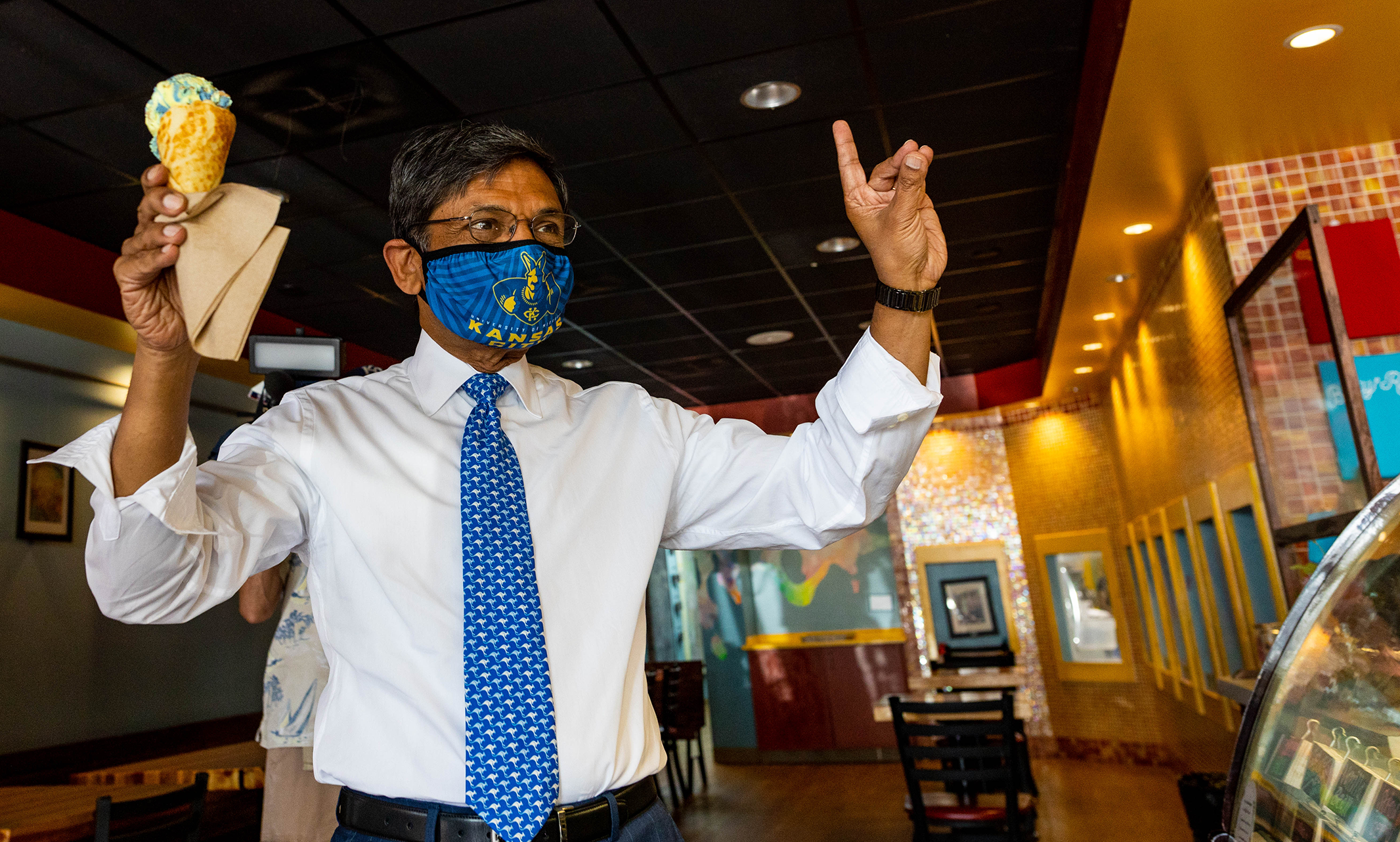
Shop’s new sensation is Roo Blue!
A partnership with a favorite local business is proving a sweet success.
Betty Rae’s, a local ice cream shop, has created a UMKC-inspired flavor dubbed the Roo Blue Swirl. The shop’s owner, Alec Rodgers, graduated from the Henry W. Bloch School of Management in 2020.
Rodgers himself placed the brand new sign in the ice cream case.
“Less than two years after graduation, I’m already a small business owner. That’s the kind of impact UMKC has and what Roo Blue Swirl really represents,” Rodgers said “We’re honored to be partnering with UMKC to create something for the university community, making their campus experience even more enjoyable.”
“UMKC’s continued involvement with small businesses and the overall community in Kansas City encourages students and alumni to engage with local businesses in effective partnerships.”
The Roo Blue Swirl is blueberry and lemon ice cream with crumble cookie mixed in.
Elora Thomas, director of admissions at UMKC, was thinking of a sweet treat she could offer new students when inspiration struck.
“I love Betty Rae’s ice cream!” Thomas said. “So, when I saw that Alec, the owner, was a UMKC alum, it made me even more excited to support this local business. I reached out to Alec and suggested the idea of a UMKC-themed flavor. He also saw the potential, not only with incoming and current students, but with staff, faculty and alumni as well. UMKC is such a community gem, and this is a great opportunity to reveal that while also giving back to Kansas City.”
Rodgers gives Chancellor Agrawal the first scoop of Roo Blue Swirl.
Of course, the most important question is what flavor would do this great university justice?
“The Roo Blue Swirl combines lemon and blueberry with a buttery crumble throughout.” Rodgers shares. “The flavor is delicious and embodies the great colors of UMKC.”
Aug 11, 2021
Kansas City Star highlights UMKC Innovation Center’s entrepreneur hotline
From April to October, the University of Missouri-Kansas City Innovation Center’s entrepreneur hotline had a 176% increase in calls asking for assistance, according to the UMKC Innovation Center Impact Report. Of those calls, the center reported a 367% increase in the number of people who reported starting a business. Read the full article. (subscription required)
Aug 10, 2021
Flatland interviews UMKC History professor
“Missouri was born in the midst of controversy about slavery and its extension into the West,” said Diane Mutti Burke, a professor of History at the University of Missouri-Kansas City, who served as a consultant on, “Struggle for Statehood,” a traveling exhibit that is scheduled to be installed in Lee’s Summit in September. Read the full article.
Mutti Burke was also interviewed by KCUR about Missouri's Bicentennial.
Aug 10, 2021
You might be safe if you have the right skills, according to new Bloch School research.
Will a robot be replacing you at your job? It will depend on what skills you have, according to Bryan Hong, professor of entrepreneurship and management at the UMKC Henry W. Bloch School of Management.
According to new research conducted by Hong and his coauthors, adding robots to an enterprise increases demand for jobs requiring a bachelor's degree or higher, as well as jobs requiring no postsecondary education. But those with a vocational education or a community college education, as well as managerial roles, weren't so lucky.
This conclusion was reached after studying five years of data on businesses in the Canadian economy. Their research is among the first of its kind to show how robots are changing employment, the structure of organizations and other aspects of the workplace.
"A lot of people are already getting the sense that this is a new trend, and our data shows that investments in robotics are really taking off," Hong said. "This is a trend that's only going to continue."
Hong breaks down the research for us on what it means and how it will affect the future of employment.
The main question is, are robots taking our jobs?
That's a tough question to answer with a simple 'yes' or 'no.' It's complicated. What we found is there are very different answers depending on who you are inside the company when the robots come in. If you are someone with a bachelor's degree or above, which is one measure of workers with relatively high skills, we see an increase in the number of employees. There's also an increase in what we might call "unskilled" employees or those who have no postsecondary education, doing roles that require very little training. But if you are in a class of jobs that require a vocational degree, like tradespeople who have gone to a two-year college or gotten a certificate, these jobs are being eliminated by the robots. We also see a significant decline in managers.
Let's start with the groups that are experiencing increases in employment. Why is there an increase in the group with college degrees and "unskilled workers"?
When you buy robots, you need people who have the skills to work with them. For example, robots may have to programmed or you might need to do a lot more design work if robots are producing many different types of products than the factory used to produce. That requires people with the skills to do those things. The increase in unskilled workers is a different story. It turns out that robots aren't good at doing all physical labor tasks — the technology has its limitations. So for these types of tasks, such as loading trucks with inventory, humans are still needed because the robots can't do them well. But these aren't jobs that require a lot of education or training and are also not likely to pay high wages.
Why are workers with a community college or vocational education being negatively impacted?
The type of work robots are capable of is often what humans with vocational degrees do. For example, it could be welding a passenger door onto the body of a car. Now imagine a robotic arm that will repeatedly do that task, over and over again. That robot can do that same task flawlessly thousands of times a day. Robots can do that, and they don't get tired. They also don't unionize and don't raise the same safety issues that using humans might. So, you can see why a company would look at that and think it's compelling.
If I am one of those workers, should I be nervous about these findings?
Yes, it's a cause for concern. The issue is that robots increasingly do what these workers can do, and in many cases, do it better. This is also part of a larger story many people have already heard, but not about robots specifically. Many people who lose these jobs are unlikely to move on to higher-paying jobs so often the best-case scenario is that their wages will decline if they are able to find a new job. This raises a much broader set of questions about the increasing inequality we see in our society, and robots may at least be partly responsible for it.
What's going on with managers?
As of today, robots don't manage people. So we think the reason we see fewer managers speaks to the question of 'what do managers really do.' When we think of managers in companies, we usually think of someone who supervises workers every day. They keep an eye on things and make sure that employees are getting the work done. If you imagine a manager on a factory floor, maybe they also deal with whatever problems come up each day. Now, if we replace over half of the employees with robots on an assembly line, do you need as many managers to make sure that people are doing their jobs? Probably not. But it's also not this simple. One could imagine that the increase in jobs requiring at least a bachelor's degree and unskilled jobs would require more managers to oversee them, but it's clear that even if that is true, the total need for managers still decreases. That might suggest that managing each type of worker requires a different type of management. But that's something that needs more research for us to understand better.
What does this mean for the future of some of these jobs?
Companies invest in technology because it improves their profitability. If it is more profitable to use robots instead of humans for certain tasks, companies will ultimately move in that direction. If we look at the results of our story, it's clear there are some types of workers who will be negatively affected. We need to think about how to address that as a society.
Aug 10, 2021
Faculty, staff, volunteers and students included
The University of Missouri-Kansas City is now requiring COVID-19 vaccination for all faculty, staff and students who work in clinical settings and have direct contact with patients as part of their UMKC work or training. Students and employees must meet the requirement by Oct. 1, according to a campus letter sent August 10. UMKC students, faculty and staff play a significant role in providing healthcare to greater Kansas City and the state of Missouri. The requirement affects faculty, staff, volunteers and students of the schools of Dentistry, Medicine, Pharmacy and Nursing and Health Studies. In addition, the requirement applies to faculty and students in masters and doctoral training programs in Psychology, Counseling, Counseling Psychology and the School of Social Work engaged in external field education and clinical practica or clinical intervention studies. UMKC faculty, staff, volunteers, and students with patient contact at the University Health Center, UMKC Counseling Center and the Community Counseling and Assessment Clinics are also subject to the requirement.
UMKC officials said the vaccination requirement is necessary because COVID has entered a new phase, citing Centers for Disease Control and Prevention advisories that the Delta variant spreads more easily and quickly than other variants, driving higher infection and death rates and putting significant strain on healthcare resources. The university is offering students and employees the opportunity to apply for medical or religious exemptions to the requirement. For all other UMKC students, employees and visitors, masks will continue to be required in classrooms, laboratories, libraries, meeting rooms and other public indoor settings regardless of vaccination status. Individuals who have not been vaccinated against COVID-19 will continue to be required to wear masks at all times while on campus, indoors or outdoors.
Aug 10, 2021
Students, employees can win free parking, $500 gift cards
UMKC is now offering a series of prize drawings as an incentive for students, faculty and staff to become vaccinated against COVID-19.
Prizes include free annual parking passes and $500 Visa gift cards. Separate drawings will be conducted for students and employees. To be eligible for the drawings, students and employees must upload an image of their vaccination card to a UMKC database.
Students can upload their images by signing in to Pathway. Employees should use the vaccine uploader link available through MyHR. Even if you have previously uploaded vaccination information elsewhere, you must use these links to be eligible for the drawings.
Two student drawings and two employee drawings have been scheduled. Each of the four drawings will offer 10 free annual parking passes and 10 $500 Visa gift cards.
The first student and employee drawings will take place Sept. 1, and the second pair of drawings on Oct. 15. To be eligible for the first drawing, you must upload your vaccination card before Sept. 1. Those who upload vaccination cards between Sept. 1 and Oct. 15 will be eligible for the second drawing.
Aug 10, 2021
Energy News Network features Fengpeng Sun's research
A coalition of partners led by University of Missouri-Kansas City researcher Fengpeng Sun gathered the measurements and will now create a map combining tens of thousands of temperature and humidity measurements with a satellite map, allowing them to quickly learn the conditions in a given location. Read the full article.
Aug 09, 2021
The university will work hand-in-hand will Auburn University, as well as other colleges across the country, to research ways to increase STEM degre...
The University of Missouri-Kansas City will backbone a $10 million research effort from the National Science Foundation, or NSF, to promote science, technology, engineering and mathematics, or STEM, education among students with disabilities.
Auburn University will lead the five-year project while UMKC will "backbone," or guide vision, strategy, support aligned activities, establish shared measurement practices and support the implementation of research, according to the NSF.
As the backbone, UMKC will host the portal and website for the project, as well as lead data collection.
Alexis Petri, Ed.D., senior director of faculty support at UMKC, said she has already begun working with Overtoun Jenda, Ph.D., whose office at Auburn will be chairing the initiative, to delineate what aspects of the project will be led by UMKC and which by Auburn.
The project's funding will be used to conduct research related to enhancing workforce development opportunities for people with disabilities.
Students involved in the research will receive benefits including peer and faculty mentoring, research opportunities and financial support to track which efforts work best to increase the number of students with disabilities entering college and completing a degree in a STEM-related field.
Overall, the research project will target three objectives, two focused on students and the other on institutions:
Increase the number of students with disabilities completing degrees in STEM.
Facilitate the transition of students with disabilities from degree completion into the STEM workforce.
Enhance communication among institutions of higher education, industry, government and local communities.
The project will encompass 27 universities, with five "hub-leading institutions." Those institutions include UMKC (Midwest Hub), Northern Arizona University (Mountain Hub), Ohio State University (Northeastern Hub), the University of Hawaii-Manoa (Islands Hub) and the University of Washington (West Coast Hub).
The Midwest Hub will initially consist of the University of Wisconsin-Milwaukee, Little Priest Tribal College and Wichita State. At least five other colleges and universities are slated to be added within the next year, Petri said.
In addition to being the backbone of the organization, UMKC will also undertake a research project with the help of $2.4 million of the grant, which will be distributed over the course of the next five years.
UMKC's research will look at student success across critical junctures such as access, entry, progress, completion and transition.
"The idea is to help students have momentum moving across critical junctures like from graduation to employment. Those are times when students are likely to face challenges or barriers to their goals," Petri said. "Knowledge gleaned from the study will be available to (other research institutions) for mid-course adjustments and ultimately to discover how well-known interventions like mentoring, applied in combination with other success programs, lead to innovations that improve degree completion for students with disabilities STEM majors."
Research chairs at UMKC will include Jacob Marszalek, Ph.D., professor and Director of Applied Cognitive Brain and Brain Science, Yugyung Lee, Ph.D., professor of computer science, Fengpeng Sun, Ph.D., professor and climate scientist, and Ye Wang, Ph.D., communications professor.
The grant began on Aug. 1 and will last until July 31, 2026. Research is tentatively scheduled to begin in 2022.
The award is part of the NSF INCLUDES initiative which invests in programs that address diversity, inclusion and participation challenges in STEM at a national scale. The initiative is one of five INCLUDES awards given by the NSF this year.
Aug 06, 2021
Dos Mundos highlights UMKC Institute for Urban Education
A program at the University of Missouri-Kansas City School of Education is working to increase the number of diverse and “exemplary” teachers in urban schools across the Kansas City area. Called the Institute for Urban Education, the cohort model program prepares students to teach in Kansas City urban schools. Read the full article.
Aug 05, 2021
KCUR reporters receive awards
Reporters from KCUR and across the collaborative Kansas News Service received numerous awards in the 2021 Station Awards for Excellence in Broadcasting, conducted annually by the Kansas Association of Broadcasters. KCUR is a service of the University of Missouri-Kansas City. Read the full article.
Aug 04, 2021
UMKC professor's research is featured
Research by a University of Kansas linguist and University of Missouri-Kansas City physicians pointed to the potential medical harm of ambiguous communication in operating rooms that also complicated the training of surgeons. “We make the point in the paper that surgery is too precise to not use precise language,” said Gary Sutkin, a professor at the UMKC School of Medicine. Read more. This story was picked up by The Missouri Independent.
Aug 04, 2021
Local, national media celebrate Courtney Frerichs
Courtney Frerichs, UMKC alumna, won silver in the Olympic women’s 3,000-meter steeplechase final Wednesday at the Japan National Stadium in Tokyo, finishing in a season-best 9 minutes, 4.79 seconds to become just the second American woman to finish on the podium in the event at the Games. This story was covered by The Kansas City, Star (subscription required), KMBC, KSHB, KCUR and Fox4KC.
More headlines:
Why Olympic Silver Medalist Courtney Frerichs Felt She Won Even Before Starting Race - The Kansas City Star, picked up by Yahoo News.
Aug 04, 2021
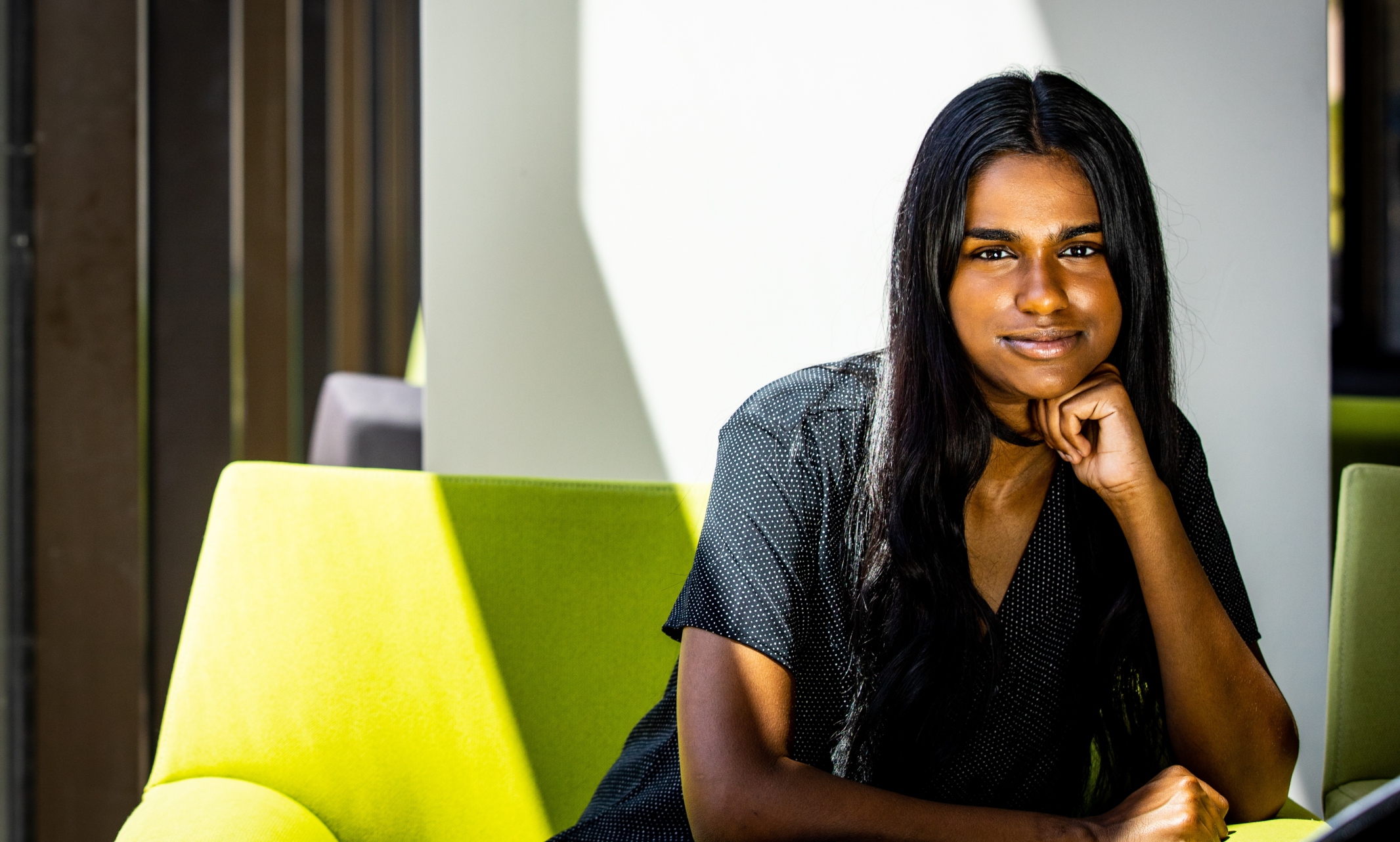
Krithika Selvarajoo takes challenges in stride
Our ongoing story starts with people from around the world, converging here at UMKC. Get to know our people and you’ll know what UMKC is all about.
Krithika Selvarajoo (Krit)Anticipated graduation year: 2021UMKC degree program: B.A. in English and Chemistry; Honors ProgramHometown: Singapore
Why did you choose UMKC?
Coming from a city, I knew I wanted a college experience where I would be able to explore a new city during my down time. I thought Kansas City was the perfect place for me to have that experience and smoothly transition to college. Also, I loved the diversity that UMKC offers and knew it would provide me with endless opportunities to meet new people.
Why did you choose your field of study?
I've always been passionate about both the arts and sciences, which led me to pursue degrees in English and chemistry. Instead of being dichotomies, I knew the fields of English and chemistry would complement, if not overlap, each other and provide me with an education that would help me continue to develop into a well-rounded individual.
What are the benefits of the program?
Both degrees have allowed me to explore the intersection between science and literature while developing skills that pertain to both of those fields. For example, I've learned the importance of paying close attention to details with both lab data and literary prose.
How has your college program inspired you?
I've been inspired to pave my own path for my future self. I was initially hesitant on majoring in two subjects. But after my first semester as a double major student, I realized I have never been happier. From that moment, I knew the importance of paving my own path. Everyone's journey is different in their own way.
Since entering college, what have you learned about yourself?
I've learned that stepping out of your comfort zone is important to grow as an individual. During my sophomore year, none of the student organizations at the time caught my interest. Rather than not being involved, I decided to start a Her Campus chapter here at UMKC. It was out of my comfort zone, especially since I had to build an organization from the ground up and go through various interviews and edit tests with Her Campus Media, but I am glad I took a leap of faith.
Creating a community that empowers women on campus while providing them an outlet to express their voices has been such a fulfilling experience. It allows me to not only grow as a leader, but as an individual as well.
"My experience at UMKC significantly improved when I started to put myself out there and meet new people." — Krit Selvarajoo
Are you a first-generation college student? If so, what does that mean to you?
Yes, it is something I am proud of. Being the first one in my family to attend college comes with its own challenges. It can be isolating not having someone in my family to talk to about these challenges, but that's what friends are for!
Who/What do you admire most at UMKC and why?
I love the diversity that UMKC offers. Different experiences and backgrounds add so much more life to campus, and I feel like I always end up learning something new when I meet someone.
Do you have any scholarships? What do they mean to you?
Yes, I was nominated by the English Department to receive the Chancellor's Non-Resident Award, which covers a portion of my tuition. Receiving this award motivated me to do better and make not just myself proud, but the English Department proud as well.
This summer, I also received the Summer Undergraduate Research Opportunity (SUROP) Award, and I received a tuition award and funding for the research I currently conduct with Dr. [Mohammad] Rafiee. The SUROP grant allowed me to gain immense research experience, particularly related to electrochemistry, and I know that the skills I've learned will be useful in the future.
What other extracurricular activities are you involved in at UMKC?
As campus correspondent for Her Campus at UMKC, I get to oversee the chapter and write and edit articles. This has provided me a creative outlet during stressful semesters.
I contribute to bi-weekly newsletters for Students for Justice, where I serve as the current events chair. I was Press Secretary for the Student Government Association which significantly enhanced my college experience.
"Both my degrees have allowed me to explore the intersection between science and literature while developing skills pertaining to both of those fields."
Creating content such as what classes to take at UMKC to educate oneself on BIPOC culture has taught me the importance of social advocacy. Writing various student newsletters, some with campus updates, has deepened my love for UMKC and the opportunities it offers to all students.
I have worked at the Writing Studio as a consultant for over two years, which has allowed me to meet a diverse group of students. Since writing consists of elements of vulnerability, I ensure that I create a safe space for writers by establishing connections with them. Establishing relationships with students as I watch them grow as writers and individuals has been the most fulfilling part of the job.
What do you hope to take from your experiences at UMKC into your professional career?
The importance of establishing relationships and connecting with new people.
My experience at UMKC significantly improved when I started to put myself out there and meet new people. There's always something to learn about each person you meet. I hope my professional career provides me with the platform to build relationships with others.
Aug 04, 2021
Jacqueline Rifkin explains the ordinary in the extraordinary
Have you ever wondered why you have so many notebooks you’ve never used? Or candles you’ve never lit? Or clothes that you don’t wear? And you can’t seem to part with any of these items?
This phenomenon is known as clutter, an overabundance of possessions. Jacqueline Rifkin, assistant professor at the Henry W. Bloch School of Management, asked herself how this accumulation begins in the first place.
“I had a t-shirt that I had bought at a standard retail chain,” Rifkin said. “But in my mind I would wear it on a date night. I would wear it on a job interview. I would wear it to a rehearsal dinner. It was an ordinary t-shirt, but it became this thing that I needed to protect for the perfect occasion—just because I hadn’t worn it previously. I talked to different people, and this resonated with them, too. They said ‘I have a bottle of wine from Trader Joe's, but I've just never opened it. It's been years,’ or ‘I have this cologne that I got for free as an add-on with another purchase, but I haven't touched it because nothing seems special enough.’”
Rifkin had this same conversation with her co-author, Jonah Berger of the University of Pennsylvania, and they decided to get to the bottom of why we avoid using ordinary things, treating them as if they are too special to use. Through the six studies, the two found that forgoing using an item makes it seem more special, particularly when someone believes that they were waiting for a later occasion. As the item starts to feel more special, we want to use it less. As time goes on without the item being used, specialness increases further, which leads to even less usage—which Rifkin calls a “specialness spiral.” The item becomes less likely to be used in ordinary occasions, and more likely to be saved for a narrower set of extraordinary occasions.
While that may seem harmless, Rifkin shares how holding onto these items and generating clutter can become a maladaptive behavior.
“There's been plenty of research suggesting that clutter can be bad for our well-being,” Rifkin said. “It can mess with our ability to get work done. It can mess with our social relationships, and that can cause chronic stress. When it comes to that bottle of wine or the t-shirt, that special situation you are waiting for may never come. Worst case scenario is saving that bottle of wine for so long, it turns into vinegar, or saving the shirt for so long, it goes out of style. You don't even get to enjoy it.”
Fortunately, there is a way out. Rifkin suggests the easiest is this: use your stuff.
“One thing that we talked about is pre-committing to usage occasions,” Rifkin said. “If I buy a nice t-shirt, I’ll tell myself ‘I'm going to wear it this weekend.’ Setting a specific occasion or a ‘first possible occasion’ kind of commitment can break the specialness spiral. Hopefully, we’re harnessing the knowledge that can help us avoid clutter accumulation, avoid wasting time and money on possessions, and allow ourselves to actually use these things. Wearing that shirt after a few iterations of deciding not to can feel really good.”
Learn more about Rifkin’s findings on how clutter accumulates by reading her article in the Journal of the Association for Consumer Research.
Aug 04, 2021
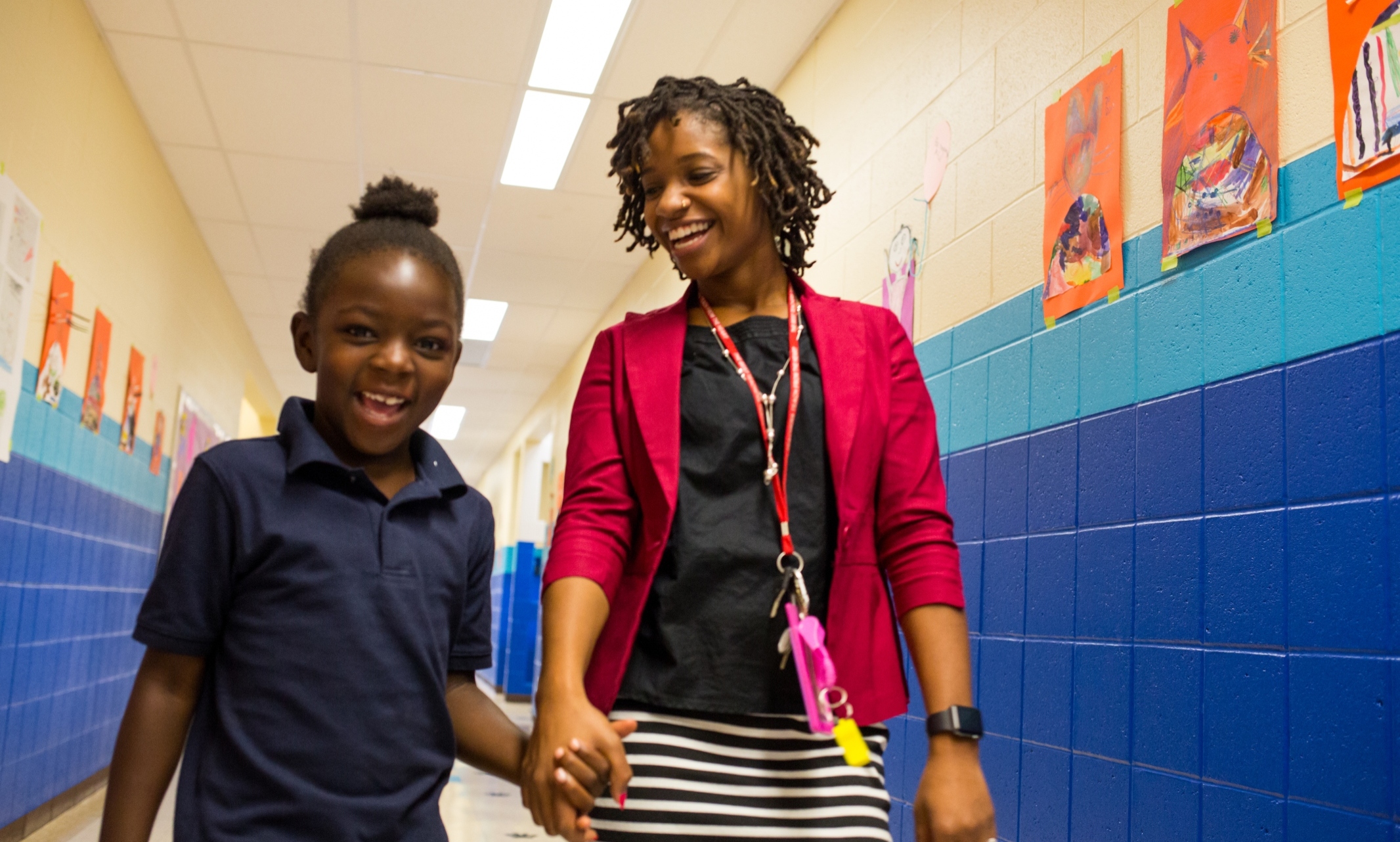
Foundation support accelerates Institute for Urban Education growth, progress
Despite the challenges of the last year, the University of Missouri-Kansas City Institute for Urban Education (IUE) in the School of Education is successfully affecting student success and teacher retention through its programming in urban schools, thanks in part to significant and steady support from major donors.
“We have very high expectations and high levels of support for our students,” Jennifer Waddell, Ph. D., director, Institute for Urban Education and Sprint Foundation Endowed Professor in Urban Education says. “Major gifts from the Sherman Family Foundation and the Sunderland Foundation – who also have high expectations in a very positive way – demonstrate their belief in the program, which is very reaffirming.”
The Sherman Family Foundation has been a longtime, consistent supporter and advocate of IUE. While there are many organizations that work toward advancing education and bolstering opportunity in underserved communities, Joseph Allen, a director at the foundation, says the IUE meets all the criteria for the Sherman Family Foundation board.
“These two donors’ gifts are important because when the boards of the Sherman Family Foundation and the Sunderland Foundation invest in us, it demonstrates a belief in us and the work we are doing.” — Jennifer Waddell
“We have three career educators on our board,” he says. “We know how important classroom teachers are. We are aware of how difficult it is to close the gaps in academic markers and graduation rates for students in the urban core. Hope is often the backbone of philanthropy. The Sherman Foundation board wants to invest in programs that have a certain degree of promise in addition to hope. We want to see that the proposed solution can move the needle.”
Allen says Waddell was instrumental in the Sherman Foundation board making their commitment for support.
“One thing we knew for sure was that IUE had a strong, dedicated leader in Jennifer.”
In addition to program leadership, the long-term research component of the IUE program has been critical to the Sherman Foundation support.
“Sometimes we say ‘no’ to people who do great work,” he says. With each opportunity we ask ourselves, ‘Does the organization or project deliver solid preliminary or proven results?’ We like to be able to see data that supports the programming. The IUE research reflects the program’s success.”
This success was due in part to the newly minted “Grow Your Own” program, which awards scholarships to high school students in urban areas who are interested in returning to teach in their alma maters. For Fall 2021, IUE awarded 42 new scholarships, despite dramatic national declines in teacher preparation over the last ten years, which were accelerated by the COVID-19 pandemic.
In total, more than 60 aspiring teachers will be part of the IUE in 2021-2022, the largest enrollment in the program’s history.
“When we talk to the young people in our ‘Grow Your Own’ program they say they want to be teachers because they want to make a difference,” Waddell says. “Our enrollment is almost double what we thought it would be. We are thrilled to have the Sherman Foundation and the Sunderland Foundation as partners in this success.”
The Sunderland Foundation is a significant UMKC funder, donating more than $15 million for building improvements in the last couple of years. But a change in their guidelines – funding had been restricted to capital expenses - allowed the foundation to support UMKC in different ways.
“Working with IUE gives us the opportunity to support needed scholarships for students from the urban core, who will return to the urban core to teach.” — Kent Sunderland
“Our main mission is still construction,” Kent Sunderland, president of the Sunderland Foundation, says. “But as the makeup of our board of directors shifted – six of the nine board members are now millennials – we began looking for ways to make a bigger impact with social justice initiatives.”
As Sunderland was looking for opportunities to meet the community’s needs, he contacted Leo Morton, former UMKC Chancellor, and Jerry Reece, UMKC Trustee.
“Jerry and Leo are committed to the success of the IUE initiative and outlined the value of the program,” Sunderland says. “Working with the IUE gives us the opportunity to support needed scholarships for students from the urban core, who will return to the urban core to teach. In addition, we were encouraged by the research that supports the program – that students of color in urban schools perform better with teachers of color who understand their environment.”
“These two donors’ gifts are important because when the boards of the Sherman Family Foundation and the Sunderland Foundation invest in us, it demonstrates a belief in us and the work we are doing,” Waddell says. “With these gifts, we hear them ask, ’How can we help make this happen because we believe in your program?’”
Waddell notes that while national enrollment in teacher preparation is down dramatically – and has been declining over the last ten years – the IUE has met their enrollment goals for the year.
“The 2021 class will be the largest in our history,” Waddell says.
“If these graduates stay in their positions, that’s success.” Allen says. “Waddell’s teachers are well-prepared and do stay – 90% of the IUE’s graduates are still in the classroom.”
Carolyn Barber, interim dean, Ewing Marion Kauffman Foundation/Missouri Endowed Faculty Chair and professor, recognizes the significance of the Sherman Family Foundation and the Sunderland Foundation gifts.
“We are excited and honored by both the financial support and philosophical conviction of the Sherman Family Foundation and the Sunderland Foundation,” Barber says. “Both organizations are pillars of Kansas City’s philanthropic community. Having them in our corner is more than a financial win, it reinforces the credibility of the program and allows us to exponentially expand student opportunity.”
Aug 02, 2021

Find your favorites, from macchiatos to mochi donuts
Dining options at both the Health Sciences and Volker campuses include on-campus opportunities and plenty of private businesses close by; new purveyors and new offerings offer fresh options for returnees as well as newbies.
Volker Campus
In the main campus dining hall in the Atterbury Student Success Center on the Volker campus, new executive chef Charles Tibbs will offer an exciting new menu with more diversity and choices daily. The hall serves students on campus meal plans, and is also open to all students, faculty and staff.
Something new this year in the Student Union: a rotating pop-up concept offering new cuisine choices every 45-60 days throughout the academic year. First up at the start of the semester will be Impossible and Bodacious Burgers, offering beef burgers as well as plant-based burgers from Impossible™ that are 100% vegan. Every burger is cooked to order, with the freshest toppings and signature sauces.
Returning to the Student Union are Baja Fresh Express, Chick-fil-A and Jazzman’s Café. Other returning Volker favorites include Starbucks Café in the Atterbury Student Success Center, the Robot Café in Miller Nichols Library and Einstein Bros. Bagels in Royall Hall. The Smart Market on the bottom floor of Oak Hall allows students with meal plans to use a meal swipe for food items once daily up to $12. The store is open to the public and offers a variety of freshly made salads, sandwiches and snacks as well as pre-packaged and microwaveable foods, household items and sundries.
Health Sciences Campus
The Hospital Hill Café, on the main floor of the Health Sciences Building, is open for breakfast and lunch and offers a salad bar, sushi and this year is adding rotating hot menu items.
There is also a Subway shop on Charlotte Street in the Health Sciences parking garage building.
Off-campus, Volker Area
Several longtime Kansas City favorites are within easy reach of the Volker Campus. These include classic Kansas City barbecue from Gates Bar-B-Q, 1325 Emanuel Cleaver II Blvd., a fixture for generations; Andre’s, 5018 Main St., run by a third generation of Swiss-trained chocolate-makers, known for classic European meals and pastries; Go Chicken Go, 5101 Troost, a local favorite for fried chicken; and The Peanut, a classic ultra-casual bar and grill famous for hot wings and BLT sandwiches.
Other options to the east include:
Urban Café KC, 5500 Troost, breakfast, lunch and weekend brunch focused on organic, seasonal, healthy cuisine
Blackhole Bakery, 5531 Troost, classic French pastries and donuts, including brioche cinnamon rolls and Mochi donuts
Fannie’s West African Cuisine, 4105 Troost, unique breakfast items such as rice bread and sardine patties, and classic African lunch and dinner dishes such as Jollof Rice, Fufu, Attieke, Banku and Kenkey
Gaels Public House and Sports, 5424 Troost Ave., a sports bar and pub scheduled for a late August-early September opening and promising a “Northwestern European vibe” combining offerings such as Stout Meatballs and German Bierocks with classic fare such as burgers and pizza.
To the west, 51st Street offers four options long popular among the campus community: Pizza 51, 5060 Oak St., offering giant slices, plus salads and sandwiches; Kin Lin Chinese restaurant, 314 E. 51st St. (try the pickled vegetable entrees); Crow’s Coffee, 304 E. 51st St., offering fresh pastries and breakfast burritos along with classic coffee drinks; and Whole Foods Market, offering self-serve salad and hot food bars.
A few blocks further west lies the South Plaza dining strip along Main Street, extending from 51st Street north to 48th Street. Options along the strip include:
Osteria il Centro, dinner-only Italian restaurant with an extensive wine list
Minsky’s, pizza
eggtc., breakfast and lunch
Blu Hwy, a new restaurant offering creative interpretations of classic American cuisine, was scheduled for a mid-August opening
Mission Taco Joint
Third Street Social, a popular Lee’s Summit restaurant and bar that opened a second location this summer
Planet Sub
Prime Sushi
Spin Neapolitan Pizza
Duck and Roll, Hong Kong-style Cantonese food, specializing in Beijing Duck pancakes
Banksia, Australian Bakehouse and Café, eclectic menu of breakfast, lunch and dinner items including Australian entrée pies and sausage rolls
The Mixx, specializing in unique salads
Chipotle
Nekter Juice Bar, freshly made juice, smoothies and handcrafted acai bowls
Yogurtini, frozen yogurt
Stock Hill, a high-end steakhouse
Off-campus, Health Sciences Area
Options close to campus include one of the city’s most acclaimed fine-dining restaurants, the Antler Room, 2506 Holmes St., offering a rotating menu of small plates influenced by Mediterranean, East Asian and Midwestern traditions.
Right next door is Teocali Mexican Restaurant and Cantina, 2512 Holmes St., a great gathering place with plenty of room indoors and out. Vested Beacon Hill Coffee, 2501 Troost Ave., is known for the 1950s-vintage Airstream camper inside the shop.
Jul 30, 2021
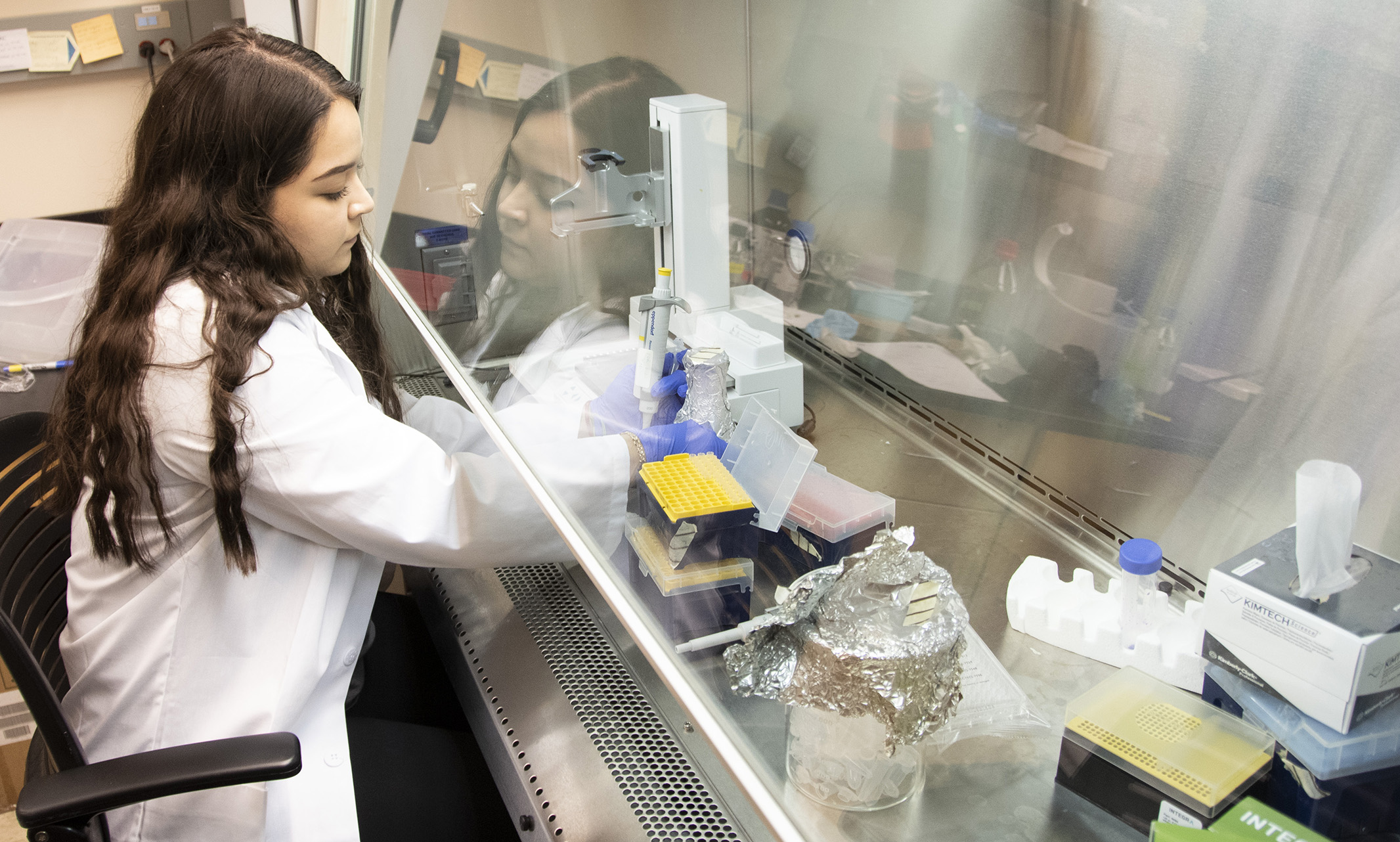
Program introduces students to the role pharmacists play in improving people's health and well-being
Karla Perez stood, bursting with excitement, in one of the UMKC School of Pharmacy’s research laboratories.
“I’m wearing a lab coat at 16, which is not something that typical 16-year-olds get to do,” she said. “I’m getting to work in a lab with experienced people and learn from their experience and their backgrounds.”
Perez is one of four Kansas City area high school students who participated in a new six-week summer research internship program at the School of Pharmacy. The internship is supported by a Walgreens grant the school received to provide programs for the underserved and underrepresented population of greater Kansas City.
Shelly Janasz, director of student affairs, said the ultimate goal of the program is to give the students a basic idea of pharmacy, pharmacy research and drug development, as well as how pharmacists affect people’s health and well-being. The students also learned about the various career paths available to pharmacists, by talking with individuals working in the field. In addition, participants met with current students and staff and learned about the school’s admission requirements.
Guided by graduate faculty members, the students learned to apply hands-on laboratory and research methods and protocols to develop a research project. They presented their findings with a poster presentation at the culmination of the program.
High school students Shun’nya Taylor and Ashley Rodriguez work together in a School of Pharmacy research lab.
“We wound up with a wonderful group of four students,” Janasz said. “They were very enthusiastic.”
Gerald Wyckoff, Ph.D., director of research and graduate studies, said he hopes their experiences will continue to pique their future interests in health professions.
“We’re excited to have such eager students in our labs working on real projects,” he said. “Our hope is that they continue their education in a way that will have an impact, not only on them, but on the health and welfare of folks throughout the region.”
Along with Perez, participants Ashley Rodriguez and Shun’nya Taylor are juniors at Allen Village High School. Participant Dana Assaf is a junior at Ruskin High School. All four were paired with a graduate pharmacy faculty member conducting bench research. The program introduced them to working with tools of the trade such as plate readers, a mass spectrometer and different microscopes. They also learned about working in a liquid handling station, as well as computer-based study and research.
William Guthiel, Ph.D., a research professor studying antibiotics, said the internship gave the students a taste of the many different aspects of research.
“One of the things I want the students to experience is how all the things they’re learning that seem so abstract all work together,” Guthiel said. “This experience shows them how physics ties in with chemistry, how chemistry ties in with biology, how biology ties in with math. All those skills merge with the others and in order to do this kind of research, you really need to have some skills in each of those areas.”
Dana Assaf works on a research presentation during a summer internship at the School of Pharmacy.
Assaf said she had read about cancer cells in her high school biology class, but the program gave her a much deeper understanding of what she was studying.
“Here, I actually worked with the cells and grew the cells in one experiment,” she said. “I had read and heard about using drugs to attack cancer cells but had never seen it before. We made medicine and used the drugs to see the effect they have on cancer. That really stood out because you can take a drug and feel better, but you don’t know what it’s doing to your body. We were actually seeing how it works in your body and what it does.”
Perez said that working in a research lab and getting first-hand experience of pharmacy research were experiences she plans to share with her classmates.
“When you think of pharmacy, you think of Walgreens,” she said. “You think of your typical community pharmacy and this is nothing like that. This is research into why things are what they are and how they are. I think that was the most fun for me.”
Jul 29, 2021
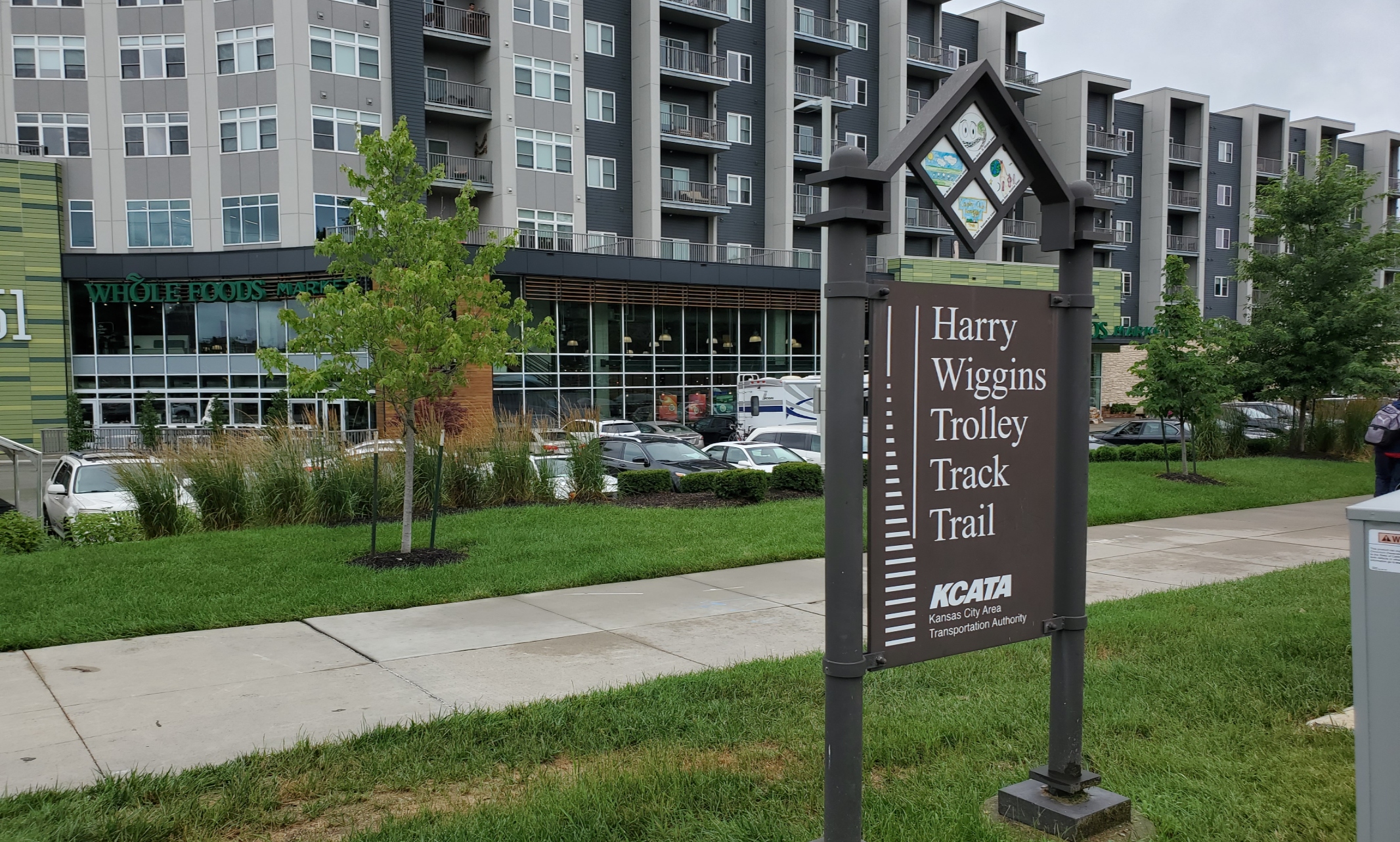
Unique Kansas City experiences just a hop away
The beauty of UMKC is the small town feel in the heart of the big city.
There are a variety of places for Roos to study, relax and play within walking distance of campus.
The Harry Wiggins Trolley Track Trail
This six-mile trail is only one block west of campus. It follows the route of the city’s original streetcar: The County Club line. Some of the tracks are still visible. You can take a stroll or a bike ride just for the exercise or check out the variety of shops and restaurants along the trail. If you need a bike, you can’t go wrong with Revolve KC. They’re close to campus and do a lot of good work in our community.
Jacob L. Loose Park
Further west on 51st street, Loose Park is as historical as it is beautiful. The land was the site of a major Civil War conflict: the Battle of Westport. One and a half of the 75 acres are dedicated to a rose garden, featuring almost 130 varieties.
Ewing and Muriel Kauffman Memorial Garden
This beautiful spot, just across Brush Creek, features bronze statues by local artist Tom Corbin and rotating floral displays. It’s open year-round, so you’re sure to see something new every time you visit. Find a moment of peace on one of their many benches or explore the orangery and say hi to the resident cat.
Art Course Mini Golf
On your way to the Nelson-Atkins Museum, check out the artist-designed mini golf courses located in the Donald J. Hall Sculpture Park. Each course is an interpretation of an art piece on display at the museum. The new course this year, inspired by Radcliffe Bailey’s Mound Magician, was made in honor of the 100th anniversary of Negro League Baseball and the Kansas City Monarchs.
18th and Vine District
Speaking of Negro League Baseball and Kansas City history, you must check out the 18th and Vine district, close to our Health Sciences campus. You can visit the Negro Leagues Baseball Museum, the American Jazz Museum, grab some delicious BBQ, and listen to some wonderful live music all in one trip.
The National Museum of Toys / Miniatures
We’d be remiss not to mention this fun experience on campus! The Toy/Miniature museum hosts the world’s largest collection of fine-scale miniatures and one of the largest collections of historic toys available for public viewing. Admission is free for UMKC students, faculty and staff with your school ID.
These are just a start, so get on out and see what our great city has to offer.
Jul 28, 2021
Gail Robertson Weighs-In for CNN
Parents could also consider turning mask-wearing into a game, suggested Gail Robertson, a child psychologist at Children’s Mercy Hospital in Kansas City, Missouri. “Because we have this association in our culture with (public health) being scary — having (face coverings) as a part of play is essential,” said Robertson, assistant professor of pediatrics at the University of Missouri-Kansas City School of Medicine. The CNN story was picked up by CNN Philippines and KIMT.
Jul 27, 2021
Flatland interviews vice provost for curriculum and assessment and alumni
Flatland interviewed Kim McNeley, UMKC vice provost for curriculum and assessment; and Adriana Velarde and Ally Elder, UMKC spring 2021 graduates. Read the full article.
Jul 27, 2021
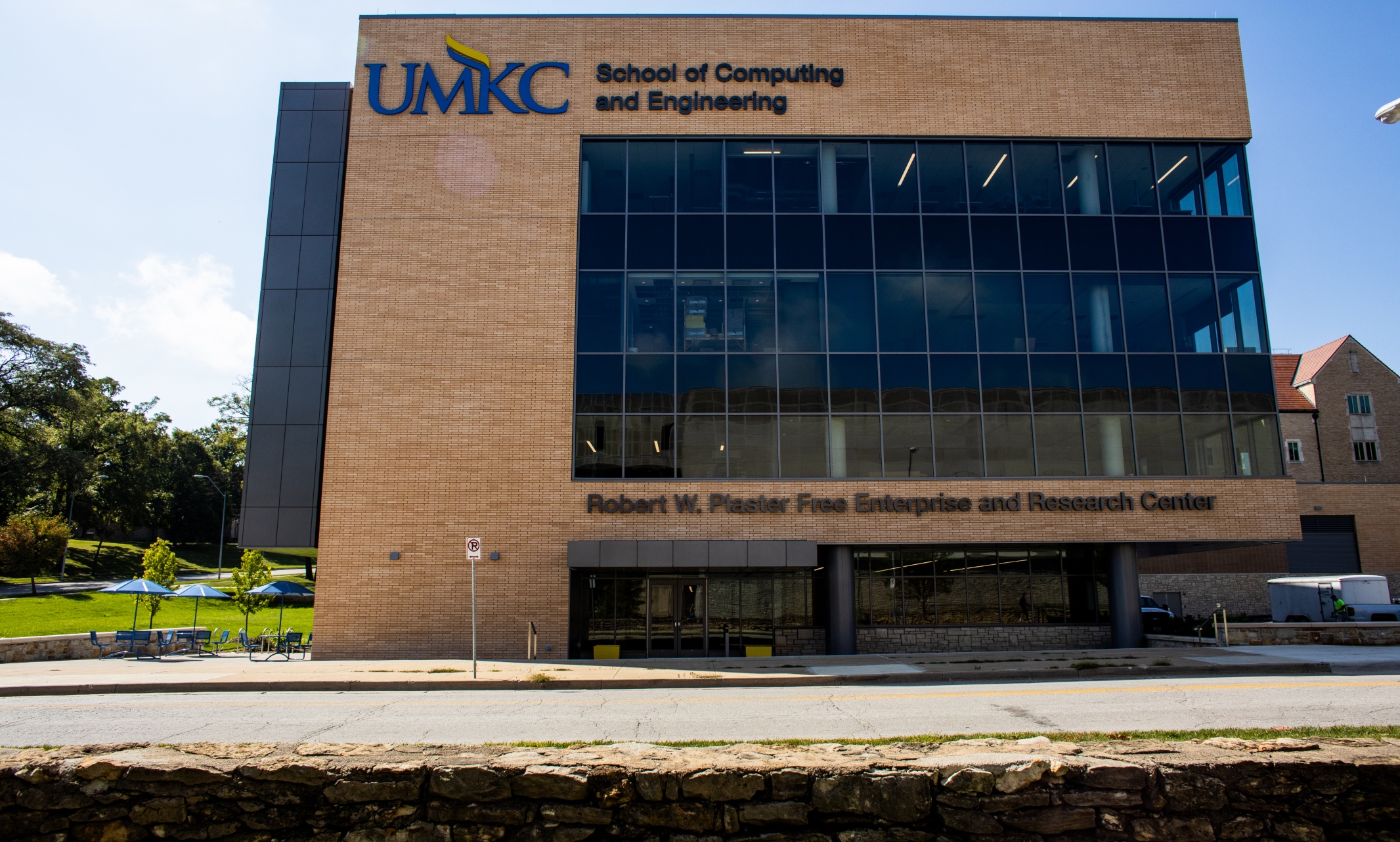
The scholarship will provide support for women pursuing careers in science, computing
A UMKC alumnus and his wife have established a new scholarship to support female students studying computing or engineering.
Nick and Soumya Simha have established "The Nick and Soumy Scholarship" to support women looking to pursue a degree in STEM-related fields at UMKC.
"We both believe that education is a gateway to a brighter future," Nick Simha said. "But the issue was, how do we help that along? What can we do?"
The engineering field is flooded with men, Simha said, and encouraging more women to get involved in STEM fields is beneficial for everyone.
"A lot of products are designed by men for women," he said. "If we get more women into the field, they can actually make things more accessible. I can see so many benefits to getting more women into engineering."
Souyma Simha said the two have always encouraged their own teenage daughter to pursue an interest in STEM.
"We wanted to do whatever we could to extend some of that support," she said.
The couple was inspired to establish the scholarship after meeting Kevin Truman, Dean of the School of Computing and Engineering, and "seeing the new energy he brings."
"We'd been donating a little amount of the university every year, but when I saw him I thought, 'this is somebody who is going to put this money to good use,'" Simha said.
Truman said he is "so grateful to Nick and Soumya for their donation."
"Their support is deeply appreciated by me and the School of Computing and Engineering. Their passion to help young women pursue their dreams, which is demonstrated through this scholarship, is evident. At the UMKC SCE, we are committed to recruiting and retaining talented female students. This scholarship will help guarantee those gifted, hardworking female students have the financial resources they need to complete their STEM education," Truman said.
After graduating with a B.S. in Electrical Engineering in India, Nick began looking for schools to pursue a master's degree in the United States. That search led him to UMKC in 1991.
The Simha family.
"I looked at a lot of schools but one of the things that attracted me to UMKC was at the time there was a big telecommunications focus in Kansas City and UMKC was one of the schools that offered a specialty in it," Simha said. "(UMKC) also gave me a scholarship, which helped us make the decision."
A UMKC education gave Nick confidence in his field, he said, through hands-on work experience and internship opportunities.
"Attending the same classes as those already working in the industry helps you get a better understanding of the real-world application of what we were learning," Simha said.
After graduating and spending a handful of years working in the Kansas City area, Nick was recruited to Silicon Valley, where the two currently live with their daughter.
He now works for Amazon and Soumya is in real estate.
The two fully paid off their scholarship pledge this year, with a gift of appreciated stock. Additionally, the two are now members of the Robert H. Flarsheim Society, as they have included a gift provision in their estate plans to support the scholarship.
"What we hope is more girls get into engineering and it turns into a very normal choice. Many times people are not afforded the same opportunities. For example, let's look at investment bankers. They are not necessarily smarter than the rest of the population, but they had an opportunity to study finance. A lot of girls don't know about the benefits of engineering," Simha said. "You can do engineering, you can go into sales, you can do marketing. That engineering degree opens all of those doors for you."
Jul 27, 2021

Students and alumni share their favorites
Whether it’s to study, relax or catch up with friends, students need a good place to hang out.
Fortunately, UMKC has no shortage of good spots. Whether you need quiet, food or awe-inspiring views, these students and alumni can give you the lowdown on their favorite places on campus!
1. Student Union Rooftop
“I like the Student Union. There is a great view of the campus and it's a nice place to relax and people watch between classes.” - Alea Roberts (Health Sciences, ’22)
“The Student Union for studying, food and the rooftop viewing of KC.” - Anna Lillig (Health Sciences, ’19)
2. Student Union Offices
“I spend a lot of time in the Student Union. I either go to our organization space to study or to the Multicultural Student Affairs (MSA) office just to hang out!” - Jonny Gutierrez (History, ’19)
“The Multicultural Student Association office. It’s a fun place to hang out with a diverse group of interesting people.” - Brandon Henderson (Political Science, ’21)
3. School of Dentistry Student Commons
“The UMKC School of Dentistry sign is an iconic spot to take photos with your classmates on milestone days like your first day of school, last day of class or white coat ceremony.” - Molly Petrie (Doctor of Dental Surgery, ’22)
4. Linda Hall Library Grounds
“By the Linda Hall Library. I walk through this area when I’m leaving the Student Union and heading to the quad. I love the big trees and the benches. It’s very peaceful over there, which can be hard to find sometimes.” - Kiarra Brown-Edwards (Communication Studies, ’19)
5. Miller Nichols Library and Learning Center
“I love a good study session on the first floor of the Miller Nichols Library. Easy printing, access to the Robot cafe, relatively quiet and I usually bump into a friend or two!” - Bryce Miller (Master's in Health Professions Education, ’20)
Jul 27, 2021
UMKC Economics professor tells Bloomberg Business why not
Scott Fullwiler, an MMT economist and professor at the University of Missouri-Kansas City, says the COVID-19 crisis has shot down one common argument against deficit spending (used by Democrats to oppose former President Donald Trump’s tax cuts): that it risks leaving the government short of funds, so that “in the next crisis you might not be able to respond.” Read more.
Jul 23, 2021
Law professor discusses Kansas City police budget, city's violent crime problem
Allen Rostron, William R. Jacques Constitutional Law Scholar and Professor of Law at the University of Missouri-Kansas City School of Law, was interviewed for this story. Read the story and watch the newscast.
Jul 22, 2021
Bloch School assistant professor of health administration discusses the term "surprise medical bill"
“Here, the term ‘surprise medical bill’ is used to refer to out-of-network balance bills that occur in which the patient was not expecting them or had no control over them,” said Christopher Garmon, Ph.D., assistant professor of health administration at the Henry W. Bloch School of Management at the University of Missouri-Kansas City. Read more.
Jul 22, 2021
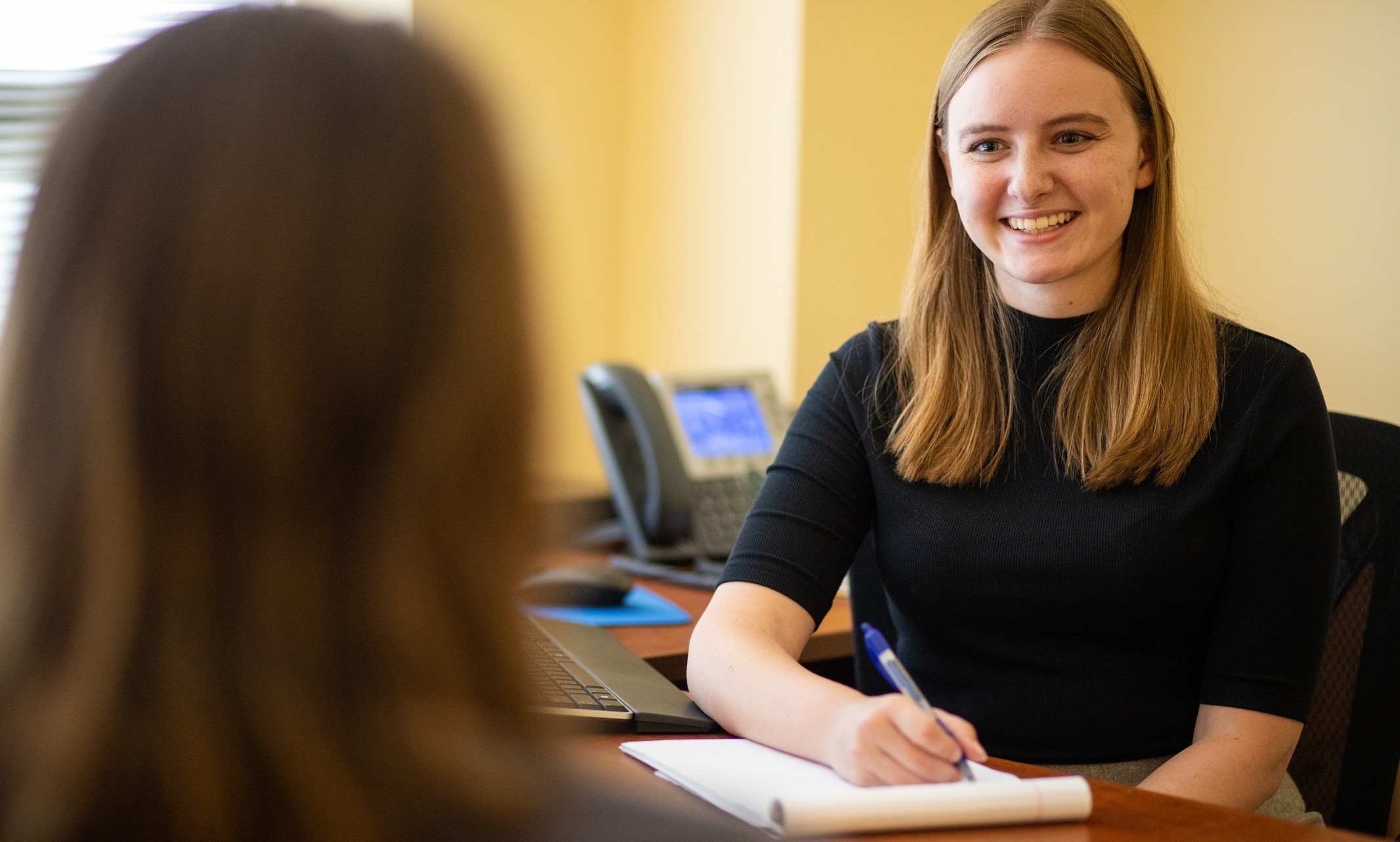
Get some tips and meet the coordinator
Living on your own, buying a car and graduating college have a couple things in common: they’re all common goals for students and they all require good money management.
Fortunately, UMKC will open a Financial Wellness Center this fall that can help students reach all their financial goals. We sat down with Financial Wellness Coordinator Anna Zimmerman for the full breakdown on what you can expect from this new service.
Tell us a little bit about yourself. What brought you to become the financial wellness coordinator here at UMKC?
I'm originally from Topeka, Kansas, and personal finance has always been a big passion of mine. After working in New York for a couple of years, I knew that I wanted to come back to the Midwest. I love Kansas City, and so I jumped when I saw an opportunity to come to UMKC. They were looking to start a new Financial Wellness Center. I’ve been following a lot of the trends across the country, and more and more schools have been starting programs like these. I was just really excited by the opportunity to build something from the ground up and be there to support students as they're establishing their own financial habits. Answer any questions that they might have.
What is the Financial Wellness Center? What benefit do you hope it will give students here?
The Financial Wellness Center at UMKC has three primary services. Our first service is one-on-one financial coaching. We meet with students individually to support them and answer any questions that they might have, whether that's how to build a budget, understanding student loans, saving to purchase a car or move out on their own. We can help students navigate all of those decisions with individualized support.
The second service we offer is providing workshops and presentations. This fall, we have 13 different workshops on topics ranging from applying for scholarships and budgeting to credit cards and student loans. We also do presentations by request. Over this last summer I've worked with physicians’ assistants on Hospital Hill and the Summer Bridge Scholars, so a wide range of students.
We also provide digital resources on our website: templates for budgeting and short videos that help break down some of the common questions that we get from students around topics like credit and student loans.
How does this differ from similar programs at other universities?
I interviewed over 100 different individuals on the UMKC campus and reached out to 15 different universities with financial wellness programs to find out what worked and what didn’t work. That means we’re able to customize and focus our services to specifically support UMKC students.
I'm so excited that UMKC is choosing to invest in this resource. It’s so empowering for students. It's not a one-template-fits-all approach. We sit down with the student and figure out what their specific goals are and how can we support meeting them. It's stressful to be a student. You're managing your course load. You're managing your social relationships. Many students are managing work. Those are all the same skills you need to manage your finances. We just are adding that little bit of information so that students feel confident to do so.
And why is financial wellness important for college students, in a broad sense?
We know that financial wellness has an impact on every other facet of an individual's well-being. If students are stressed about finances, chances are their academic performance is going to dip. They're not going to be able to spend the time and energy focused on their social relationships, and that’s going to have a severe emotional toll. We want to provide a lot of the support up front in order to help students avoid that emotional stress and manage their finances well while they're in school. It’s really empowering for students. A lot of them are on their own for the first time or they're making these lifelong decisions about student loans, which is one of the biggest investments that they'll make. We’re supporting them through these decisions and helping set them up for success, not just while they're at UMKC, but for their life. These are skills that they're taking with them and they're going to be using every day.
What’s the number one financial wellness tip you want to give to students?
My first tip for students would be to sit down and make a budget: see how much money you have coming in and how much money you have going out. Make sure you're giving every dollar a job. You want your money to work for you, whether that's paying for your tuition and fees, time with friends, time for selfcare or hobbies. Make sure that every dollar has a job, and make sure that you're setting time and money aside for your savings as well, so you can support your future goals.
Learn more about the Financial Wellness Center
Jul 22, 2021
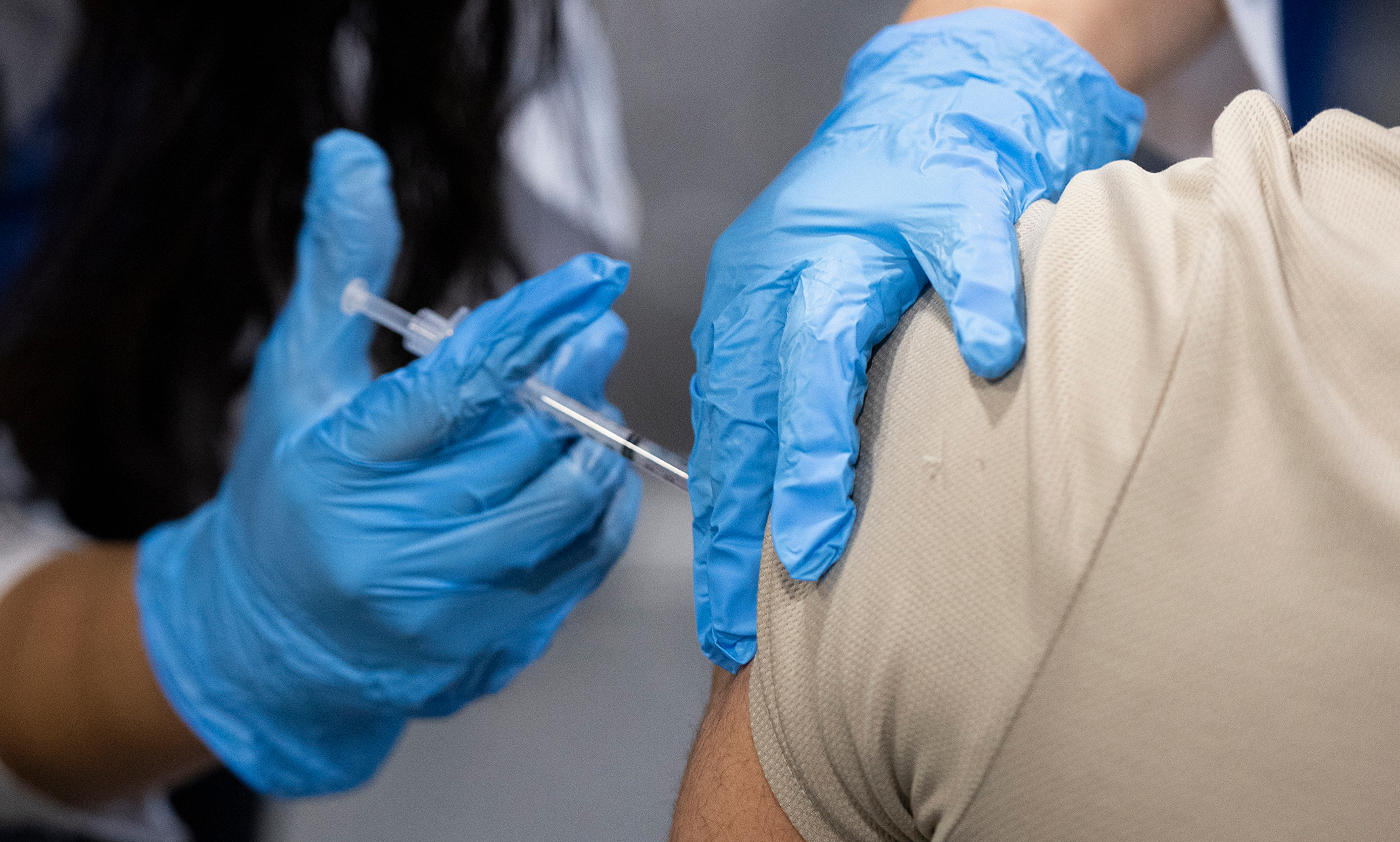
Vaccine effort targets low-income and underserved living in Kansas City’s east side
The UMKC School of Dentistry will collaborate with the School of Pharmacy to begin offering free COVID-19 vaccinations to patients visiting its dental clinics beginning July 26.
Melanie Simmer-Beck, Ph.D., R.D.H, chair of the dental school’s Department of Dental Public Health and Behavioral Sciences, said the project brings the two schools together to provide a community-based public health service.
The program is one of many UMKC efforts supported by a $5 million CARES grant from Jackson County to encourage low-income and underserved populations in Kansas City’s east side to receive the COVID vaccine.
“We felt it was important to offer vaccinations to School of Dentistry patients to be acting within the spirit of what this grant was intended to do,” Simmer-Beck said.
More than 1,000 of the dental clinic’s patients come from areas of Kansas City identified as part of the grant’s target audience with the intent of addressing vaccine hesitancy and health equities. Operating under COVID restrictions during the previous year, the dental clinics serviced more than 1,750 patient appointments and saw 576 individual patients who live in those targeted areas. When at full capacity, the dental school’s clinics serve more than 2,200 patients a week and are the largest provider of dental services in the states of Missouri and Kansas.
Simmer-Beck said patients will be notified of the vaccine option when receiving appointment reminders by phone. Student dental providers working in the clinics will also ask their patients if they are interested in receiving the vaccine if they haven’t already done so and obtain the necessary signed consent forms. Patient appointments in the clinics are scheduled Monday through Friday at 9 a.m. and 1 p.m.
The School of Pharmacy will initially have certified student and faculty vaccinators on call and available during clinic hours to come to the dental school and administer the shots when requested.
“This is the first time that pharmacy students will be providing a service to School of Dentistry patients,” Simmer-Beck said. “It’s a great opportunity for pharmacy, dental and dental hygiene students to collaborate and learn from one another in a real-world setting.”
UMKC’s pharmacy students and faculty volunteers have played a large role in statewide vaccination efforts since the full-scale rollout of vaccines in January. By March, they had administered more that 17,500 doses of the vaccines at sites throughout Missouri.
Cameron Lindsey, chair of the pharmacy school’s Division of Pharmacy Practice and Administration, said the program will provide patients the ease of being vaccinated without having to see another care provider.
“We have the vaccine and know the logistics of how to mix and store it,” she said. “We’ll help get the dental school get up to speed with the process and model that for them. It’s a team effort. It doesn’t matter who gives the shot. There’s a community need and, interprofessionally, we’re combining our resources to get the vaccine where it’s needed.”
Simmer-Beck said that Russ Melchert, dean of the School of Pharmacy, was instrumental in helping get the dental clinic vaccine program started. Melchert has served as interim dean of the dental school since last September.
“Having Dr. Melchert serve as the interim School of Dentistry dean helped move this notion forward,” she said. “His knowledge about the resources at both schools helped us bring together the right people in a timely manner.”
Melchert said the program is a great opportunity for the two schools to work together to increase access to the vaccines.
“Pharmacy and dentistry are two of the most accessible health care professions for most people in this country and putting them together creates synergistic opportunities to help people live healthier lives,” he said. “Our students have already had a huge impact in providing COVID vaccinations and this creates another great chance for the community to see what great students, staff, and faculty we have at UMKC.”
As an added incentive for dental patients to receive the COVID vaccine, those who return for their second dose will receive a free battery-operated power toothbrush.
“Even if we give just one or two vaccines a day, that’s better than where we were before,” Simmer-Beck said.
Jul 22, 2021
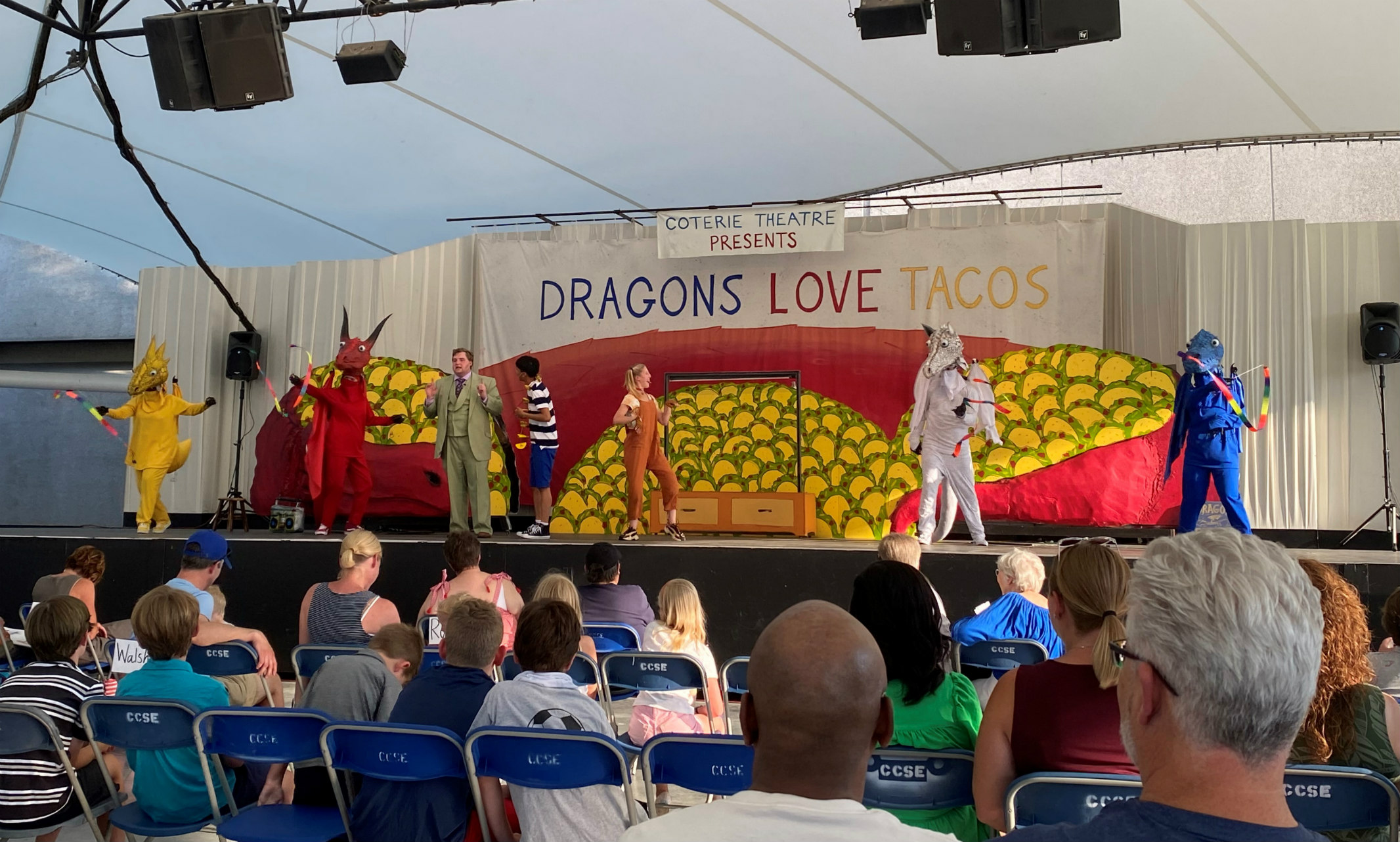
Dragons Love Tacos, best-selling children’s book, comes to life on outdoor stage
After more than a year without in-person live performances, The Coterie Theatre presents Dragons Love Tacos, written by Ernie Nolan and based on the book by Adam Rubin.
The live, outdoor performance is directed by Stephanie Roberts, UMKC Theatre associate professor of Physical Theatre. Performances are in Crown Center’s Entertainment Pavilion, 2425 Grand Blvd., Kansas City, Mo., through Aug. 8.
This all-ages show features a cast of 10 students from UMKC Theatre performing as the 306 Theatre Troupe. They will use their extensive dance and clown training to help bring the dragons to life. The show is a stage adaptation of the family classic book, Dragons Love Tacos.
Roberts and two UMKC students shared their thoughts about the show and being on stage again.
Stephanie Roberts (Director)
How does it feel to direct a live show again?
It was such a relief and joy to be back in rehearsal with more than a few people in a room together! Because we were all vaccinated, the actors were able to have close contact and really engage in physical theatre in a way that they haven’t for over a year.
What was your favorite part of this show?
One of my favorite parts was seeing the actors, my students, apply all that they’ve been learning for the last two years. They brought so much play and creative input to the show; it made my job easy. My other favorite part of the show is seeing the children’s reactions in the audience. I love that they participate: answering questions that the actors ask them, or sometimes just spontaneously jumping out of their seats and dancing when they hear the music!
What makes children’s theatre special?
Theatre for Young Audiences (TYA) can be many different things--adaptations of classics, devised theatre, community-based, educational, activism. I think some common threads are its capacity to foster empathy and self-awareness in young people, as well as providing a space for joy, wonder and play--for both children and adults.
Why did you decide to direct this play?
Jeff Church came to 306 Theatre Troupe and me with a couple options of plays. When the project was coming together, I was in the middle of teaching Clown to some of the grad actors in the cast. Since my specialty is physical theatre and comedy, they thought I was a good fit--and I’m thrilled that they asked!
What is unique about outdoor theater?
Because the show is competing with so many elements--cars, airplanes, sirens, fountain-- actors, directors and designers all need to know how to sustain the audience’s attention. Body-mics, of course, help, but there is still a need to be highly specific and larger-than-life, while still finding the truth in whatever story you’re telling.
Why should someone see the show?
In this time, when everyone is emerging from the pandemic, this is the perfect, celebratory experience. The design is whimsical and spectacular, and I see both kids and adults laughing and dancing. I even have one friend (in his sixties) who said he shed a tear at the end.
Michael Oakes (Man in Suit)
What was your favorite part of the show?
My favorite part of the show was the first week of rehearsals where Stephanie just let us work and roll with the ideas that we had. It was fun to watch all the dragons create their unique personalities and characters from their instincts. It was adorable to watch the relationship between Leroy and The Boy form in organic ways because of just trying ideas in rehearsal. It was great to throw things at the wall as Man in Suit and see what stuck. Even with the book and script giving a strong foundation, it really feels like we built something special from the ground up with this show.
What inspires you?
I'm inspired by seeing actors enjoy the work they're in and the audience feeling that joy and reciprocating it. People with authentic joy and passion in what they do fills me with an electricity that I cannot explain. Energy and joy are contagious. Seeing someone talk about or do something they truly and honestly love makes my soul happy to its core. I want to know everyone's passion because that's the core of what makes someone who they are, what they love. I'm inspired by that.
Why did you choose UMKC?
I chose UMKC because of the professors and the city. My undergrad professor went to UMKC as well and always talked about Kansas City with a deep love. He spoke very highly of everyone who taught in the program as well. And after one conversation with the faculty, I knew this was a place that would help me grow. There was an emphasis on letting actors be themselves rather than creating a generic "UMKC actor." They said they would let us be us. And they have! I've found out more about myself and my art aesthetic from here than I think I would anywhere else because of the great people I've got to work with and who support Michael being Michael always.
Why should someone see the show?
It's a blast. After a "lost year" this is the time to go out and have some fun. It's an opportunity to sit outside and laugh, dance, yell along and just have an hour of enjoyment. Plus, it puts tacos on the brain. Which is always good. It felt like in the past year fun has been hard to find. For at least an hour, there's a fun place people can go. A place where dragons are real, people come through TVs and a boat full of tacos isn't an outrageous idea. A truly joyous place.
Do you have a favorite dragon?
I can't pick a favorite dragon. I love them all so much! They're who truly make Man in Suit look good. Would people want to see "Man in Suit Love Tacos"? Nah. The dragons are the stars, and all of them deserve it equally. I love them all. This is the most fun I've had in a play process in years. Everyone in the cast and crew worked so hard to make this happen. I hope everyone in KC sees this show. It's very near and dear to my heart.
Aidan Callaghan (Production Assistant)
What was your favorite part of the show?
My favorite part of the show is probably the dragons’ entrance sequence. The actors all have such unique characterizations and it’s just really fun to watch.
What inspires you?
I am inspired by people who have drive. People who know what they want and are driven enough to take real steps to achieve them.
Why did you choose UMKC?
I chose UMKC initially because I was doing pre-pharmacy with the intent to apply to pharmacy school and follow that career path. But I didn’t enjoy it, and theatre was the only path that I knew was a good fit for me, so I stayed at UMKC and joined the theatre program.
Why should someone see the show?
People should come see this show if they are looking for a brief getaway from the woes of the world. This is a very fun light-hearted show that harkens back to everyone’s childhood where dragons and tacos were as real and as exciting as anything could be.
Do you have a favorite dragon?
While I love all of our dragons very much, if I had to pick, I think I would pick Blue Dragon because of its very endearing personality.
Tickets are $12 for youth under 18, students and seniors 60 and older; $15 for adults; and $5.50 to $8 for groups over 20. After the Saturday night performances, audiences have a chance to get their picture taken with a dragon after the show. Tickets can be purchased from The Coterie Box Office by calling 816-474-6552 or online.
Jul 22, 2021
School of Law professor weighs-in on why wrongly-convicted people are still imprisoned in Missouri
Sean O’Brien, a law professor at the University of Missouri-Kansas City, said, “I do know that the Attorney General’s office, for a long time, has had a practice of opposing every case regardless of its merit. They think that their duty is to defend every judgment, no matter the justice of it.” Read the article and watch the news clip.
Jul 18, 2021
KSHB interviews William Black
“People are saying no, why would I take that job and risk COVID for a pittance when I can get more money in a different job and minimal risk of COVID and it’s better in terms of child care and such,” William Black, associate professor of Economics and Law at UMKC said. Read more.
Jul 16, 2021
Jacob Wagner tells city officials that tearing down and building new would be less cost-effective
A professor at the University of Missouri - Kansas City said he believes the answer is right in front of us. "There's about 45,000 of those units throughout Kansas City, Missouri," said Jacob Wagner, of Urban Planning and Design at the University of Missouri-Kansas City. Read the full article and watch the newscast.
Jul 16, 2021
The Kansas City Business Journal highlights UMKC Professional Career Escalators Program
A new program at the University of Missouri-Kansas City, Professional Career Escalators, soon will begin taking applications for student assistance that will extend through professional school. Jennifer Lundgren, UMKC provost and executive vice chancellor; and Mako Miller, director of the UMKC Professional Career Escalators, were interviewed about the new program. Amanda Malone, UMKC senior, is part of the KC Scholars Program and was interviewed for this story. Read more.
Jul 16, 2021
Nathan Wilcox, future UMKC student, was interviewed by KCTV5
The camp is meant to inspire and empower children with visual impairments, showing them nothing is impossible. That inspiration is something 18-year-old Nathan Wilcox has felt his whole life. Despite being blind in one eye, he will enroll at the University of Missouri-Kansas City in the fall and has dreams of becoming a civil rights attorney. Read the full story and watch the newscast.
Jul 14, 2021
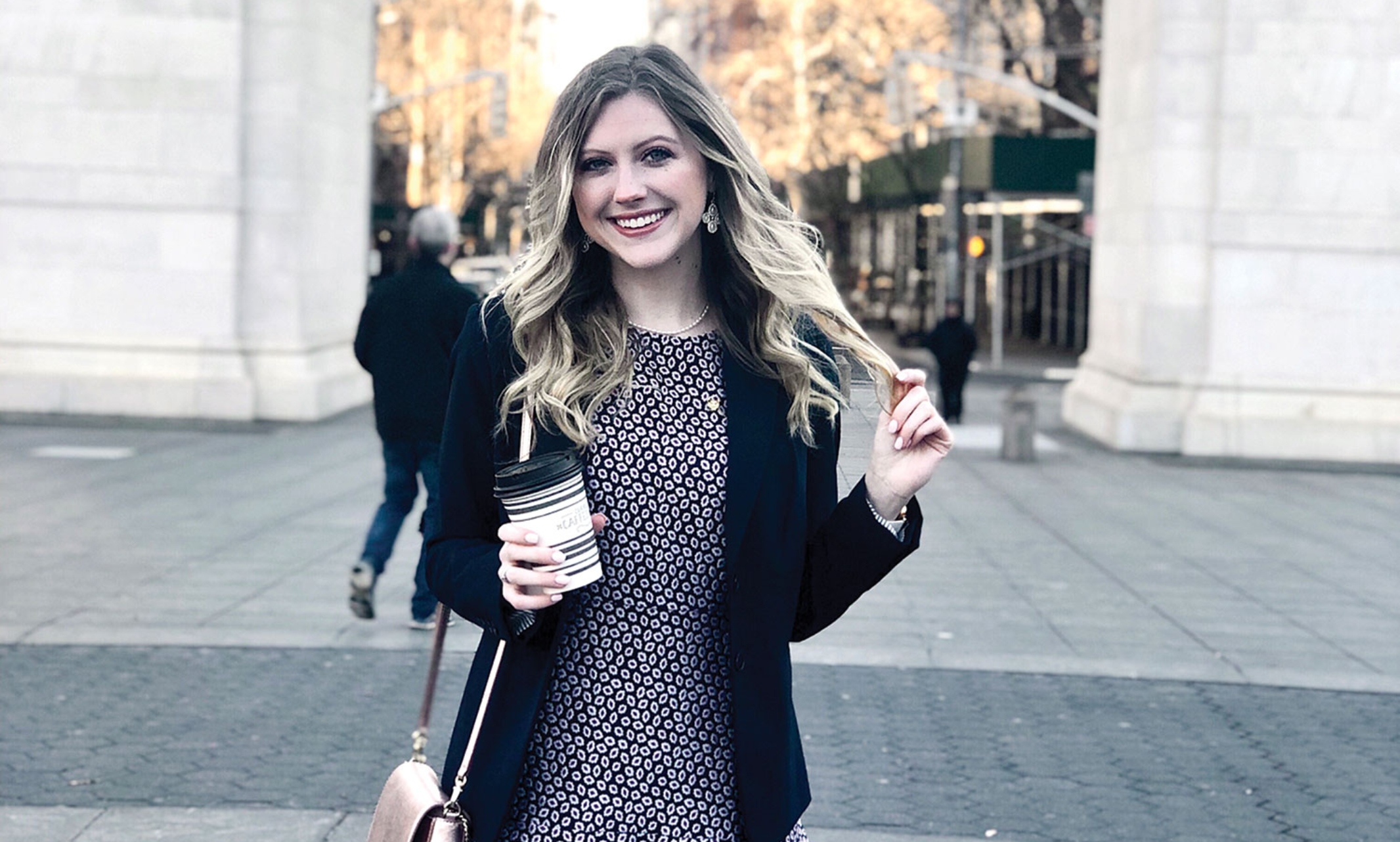
Delayed by COVID, Bloch student Courtney Collins heads East to work with leading cosmetics company.
Courtney Collins’ plans all changed on Friday the 13th.
After studying in Malaga, Spain for the Spring 2020 semester, she would head to New York City to do her marketing internship with the Estée Lauder Companies, working with the Jo Malone London perfume brand.
It’s a dream she said was inspired by her aunt who was a long-time executive for the cosmetics company and also a desire to live and work in the Big Apple. But on Friday, March 13, the semester in Spain was cancelled and Collins headed back to Kansas City. Her internship was pushed back a year.
She’s one of many Bloch students who because of the pandemic had their internship plans change. According of Tess Surprenant, director of the Bloch Career Center, about 25% of internships were delayed after an offer was made. Further, many companies shut down recruiting activities just as students were in the process of interviewing.
For those that held internships, about 80-90% were held remotely. Prior to COVID-19, remote internships were a rarity and that meant a substantial pivot for students and companies.
As she waited for 2021, Collins re-evaluated what she wants to do with her profession, and with the help of the Bloch Career Center, taking stock of her future.
“I talked with Maggie (Reyland) and Tess (Surprenant) a lot in how it looks for job placement in (the cosmetics) industry. Is it the end of it?” Collins said. “A lot of things have shifted.”
What also has shifted was how the internship was going to work, logistically. She will be one of 140 interns, out of an applicant pool of 7,000. Instead of an abbreviated six-week, remote internship, Collins decided to wait until this summer and do the full 10-week internship. Because Estée Lauder is keeping their offices closed until October 2021, it means another mostly remote internship.
“What I wanted with the in-person internship was the in-person networking and building relationships,” Collins said. “How can I do that over Zoom? How can I stand out over a video? I‘ve listened to career panelist with the Bloch marketing advisory board and they all say it’s the same, just online. You can still make those connections.”
Surprenant said she’s been impressed with the student’s resiliency.
“Since all the employers were interviewing virtually, it means that students had to learn new tips and techniques for this format,” Surprenant said. That included learning to navigate virtual career fairs and networking meetings.
“Now more than ever, in a tight job market, it is often these types of connections that help a student distinguish themselves,” she said.
Collins’ goal with the internship is still the same: get a full-time role at Estée Lauder and move to New York. She’s confident that she can immerse herself into the re-invention of the workforce and city, post-pandemic.
“I think it’s exciting. We’re starting from scratch with more resources, technology-wise,” she said. “For business and entrepreneurship students here at Bloch, the sky is the limit with what we can do and where we can do it.”
Jul 13, 2021
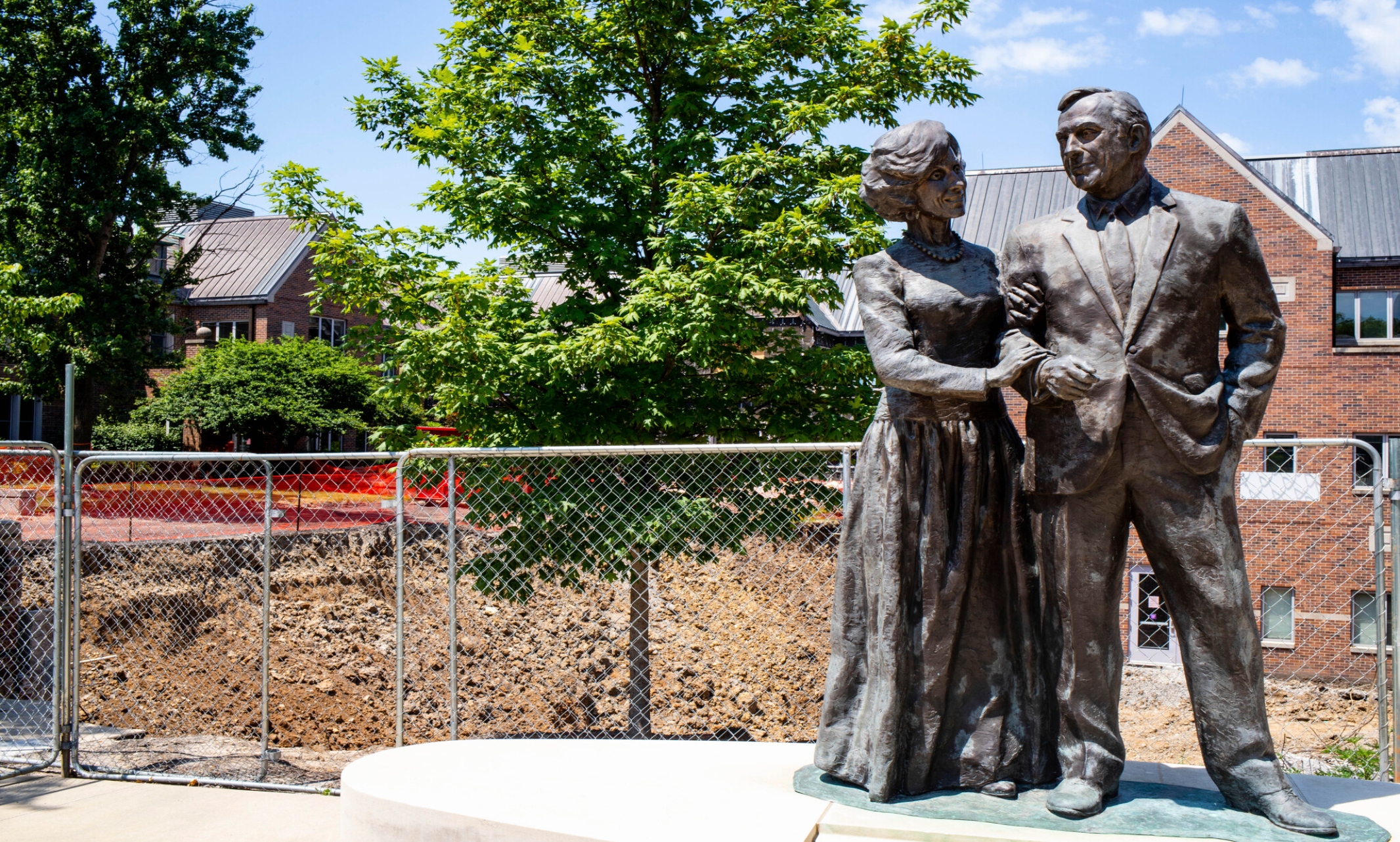
The renovation of Bloch Heritage Hall moves a thriving business school into the future
When completed, the renovation of Bloch Heritage Hall will be more than new carpet and reconfigured classrooms.
It will be even more than eye-popping technology, although the reimagined facility that has anchored the Bloch School since its earliest days also will get that.
The $17 million renovation, expected to welcome students by the Fall 2022 semester, is really about fulfilling its namesake’s unwavering vision of excellence for the school. For more than three decades, Henry W. Bloch, who died in 2019, faithfully invested in the business school with his time and money because he believed that having a top business school in Kansas City was key to the city’s success.
“The Bloch School was Henry’s pride and joy,” said David Miles, president of the Marion and Henry Bloch Family Foundation, a lead funder of the renovation project. “In a city this size, with the number of businesses and entrepreneurs we have, he believed there had to be an outlet and a location for you to receive high quality business knowledge and also a place where professionals could network and connect.”
The Bloch Foundation’s $8 million contribution to the Bloch Heritage Hall renovation project was already well in the works before Bloch died. Miles said Bloch saw the potential of this renovation project to propel the Bloch School to new heights.
“Henry was excited about this project,” Miles said.
The Sunderland foundation joined the Bloch Family Foundation as a lead donor for the Heritage Hall renovation project. In addition, six-figure gifts were received from the William T. Kemper Foundation, Mike Plunkett, Nathaniel Hagedorn, Jim Stowers and the Capitol Federal Foundation. The project also had generous support from well over a dozen alumni, community members and friends of the school, said Jay Wilson of the UMKC Foundation.
Kent Sunderland, chairman of the Sunderland Foundation and chair of the UMKC Foundation, said their gift was motivated in large part by respect for Henry Bloch and the Bloch family.
But Sunderland noted the gift also was predicated on his shared belief in the project’s potential to improve the business school. That in turn will help UMKC and Kansas City, he said. “That’s what we want UMKC to be,” Sunderland said, "A place people can go and (then) apply their talents to businesses here in Kansas City.”
For Brian Klaas, Bloch School dean, the link between the renovation of Bloch Heritage Hall and that aspiration is just as clear. The project will give the Bloch School the infrastructure it needs to better support students, improve student retention and recruit more students to meet enrollment goals.
“It’s really driven by a desire to fundamentally alter the student experience,” Klaas said.
Interior rendering of the Bloch Heritage Hall renovation.
The Project
Bloch Heritage Hall is an amalgamation of the historic Shields Mansion, an estate built in the early years of the 20th century for grain magnate Edwin W. Shields, and a sprawling addition the university completed in 1986 with a $1 million contribution from Henry Bloch. The building, with its plentiful classrooms and offices, served as the school’s primary home until 2013 when the business school expanded its footprint to include Bloch Executive Hall for Entrepreneurship and Innovation.
While Bloch Heritage Hall has continued to serve as an important piece of the Bloch School’s infrastructure, the building has not always kept up with the changing nature of education. In addition to needing better technology and differently arranged classrooms, the building’s largest deficit had become its lack of a central common entrance or student gathering area.
“If a parent walked in the front door and wanted to talk to someone about the school, there’s no one to talk to. No place to go,” said Miles.
Similarly, students had to walk through a maze of hallways to find various student service offices. Nothing was centralized or clear.
The renovated Bloch Heritage Hall will change all that by creating a main entrance off Cherry Street, which will feature a new student services hub. All of those previously hard-to-find student resources, including undergraduate advising, the career center, recruiting, tutoring, and student clubs, will reside there.
In the design created by PGAV Architects, square footage for the hub will be created by filling in two floors of an atrium — the centerpiece of the 1986 addition. On the first floor immediately below that hub, newly created floor space will be dedicated to an open common area where students can mingle and meet. The idea, said Klaas, is to help students connect with school resources and their classmates so they stay in school, graduate, and move into successful careers.
“What we’ve learned is that students need a sense of connection, and they need prompts and nudges,” he said. “We want to create an energy and a sense that this is where great things are happening.”
Demand for Flexibility
Another major goal of the renovation is to make the learning environment as flexible as students demand. This includes equipping classrooms with technology to make logging into class remotely effectively the same as attending in person.
As part of the “RooFlex” learning experience, video screens and cameras will be installed in the front and back of many classrooms so professors can see virtual students just as they see in-person students, and students can glimpse all their classmates, either in person or online. One classroom will include a wall of monitors, so professors can simultaneously see every student gathered remotely as if they are seated before them.
While COVID-19 accelerated the need for virtual learning, the demand was already there among many students, said Sidne Ward, associate dean of the Bloch School who serves as the school’s liaison on the renovation project. She expects it will only increase once the pandemic fades away.
“Our students are working full time. They might be traveling,” Ward said. “They might be in the classroom sometimes, but there might be a time when they’re sitting in Chicago in a hotel room.”
Other students are juggling children with work and school and having the option to take classes remotely — at least part of the time — may be the only way they can pursue a business degree. The renovated classrooms will give students the ability to have as much remote learning as they need, while still providing a top-notch campus environment.
The improvements will put Bloch ahead of many business schools around the country.
“Some very impressive schools are making these kinds of investments, but it’s not commonplace,” Klaas said.
Ultimately, he hopes the changes in the learning environment the renovation will give the Bloch School the ability to attract more students and meet its goal to double in size by 2029. Over the last three years, enrollment has grown by 15 percent to include about 2,000 undergraduate and graduate students.
The Shields esidence in the 1920s.
A Linked School
In addition to improving technology to enable better virtual learning, the expanded Bloch Heritage Hall will get redesigned classroom spaces, including additional small rooms where students can gather to meet on projects, and some additional larger classroom spaces, which have been in short supply at the school. One of those larger classrooms will be added underground and include a corridor to physically link Bloch Heritage Hall to its neighbor, Bloch Executive Hall.
Boosters of the project promise that the two buildings will be linked in more ways than just a corridor, however. The Heritage Hall makeover will maintain design elements that respect the architectural style of the century-old Shields Mansion. But the completed project will also infuse Heritage Hall with the 21st century sophistication that Executive Hall is known for.
When supporters and dignitaries gather to cut the ribbon and ceremonially open the new building on July 30, 2022, the anniversary of Henry Bloch’s 100th birthday, Klaas is confident that the completed project will achieve one of the Bloch School’s ongoing aspirations. The newly linked, modern campus will be something that Henry Bloch would be proud of.
“Henry was about the Bloch School supporting the needs of Kansas City,” said Klaas. “He was about the Bloch School helping Kansas City be prosperous, healthy and strong. What this building is going to do is help us provide better educational opportunities to more students. That in turn is going to support employers, making them more successful by building the talent pool in Kansas City.”
Jul 13, 2021
KCTV5 interviews UMKC assistant professor of Art History, Latinx and Latin American Studies
Joseph R. Hartman, assistant professor of Art History, Latinx and Latin American Studies at the University of Missouri-Kansas City, has studied Cuba’s history. He said the country, which was predominantly a tobacco and sugar economy, has been greatly impacted by the pandemic now that it’s more of a tourist economy. Read the full story and watch the newscast.
Jul 12, 2021
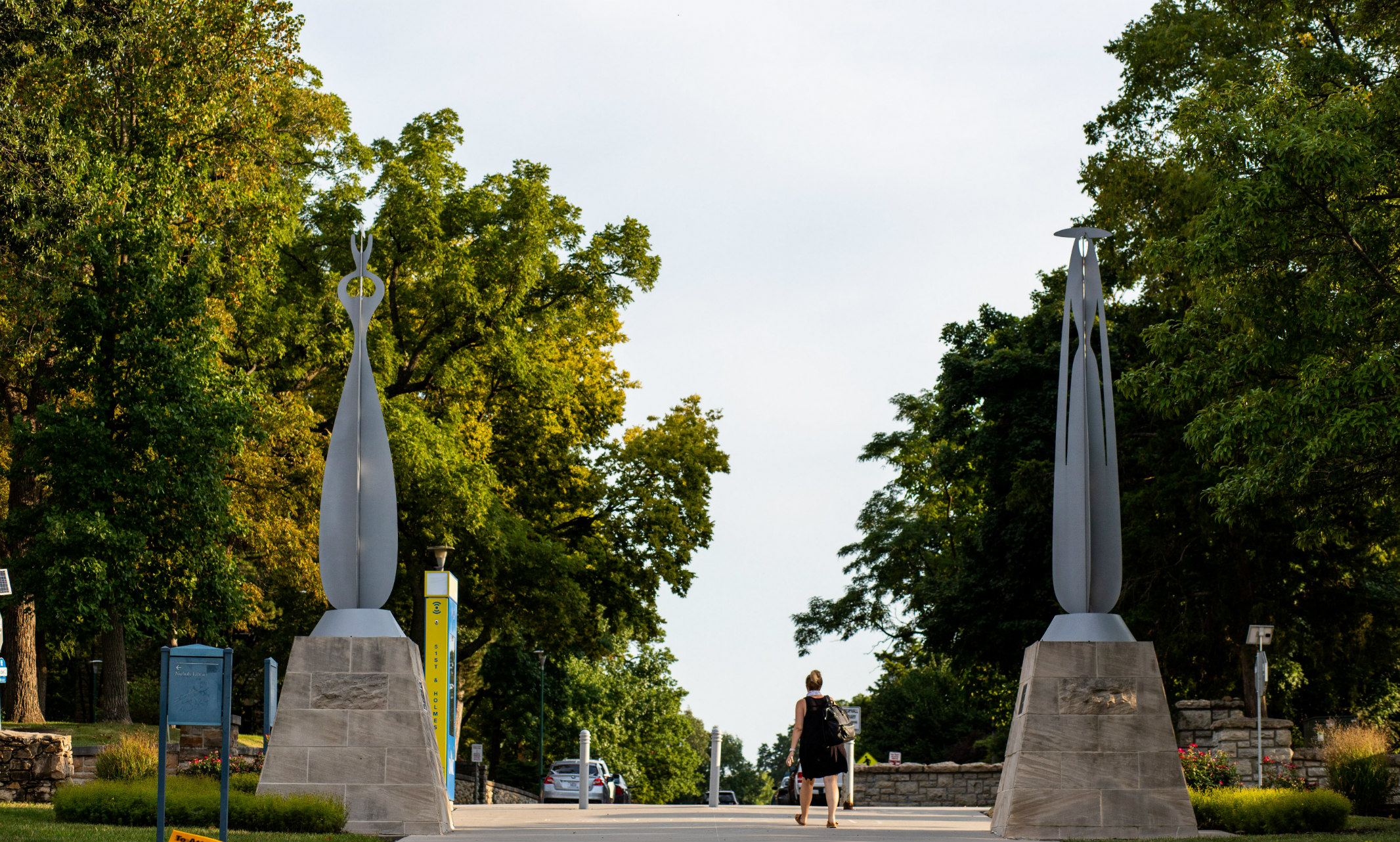
Growing our excellence and financial stability
Launched in May 2020, UMKC Forward is a comprehensive and collaborative plan to achieve growth and excellence for Kansas City’s university. The program includes ideas and exploration by a broad-based group of faculty, staff, students and community members.
In March, UMKC Chancellor Mauli Agrawal rolled out the UMKC Forward plan, which included investments in five key areas: Student Success, Faculty Development, Research Excellence, Career Expansion and Community Engagement. University work groups have been busy and share the following updates.
Student Success: Professional Career Escalators
The signature Professional Career Escalators™ program is a unique, trademarked system of personalized support and services unlike anything being offered across the U.S. It is designed to propel students from their academic studies to good-paying careers.
Mako Miller, M.A.Ed, will lead the PCE. Miller, who started her new role on July 6, will be working on all aspects of program development and engaging with the faculty working groups to learn about current practices and where program development is needed. The process will continue through the academic year in preparation for the official launch in the fall 2022 semester.
The hiring of an assistant director of Career Preparedness position was approved. A search will begin in the fall 2021 semester. This position will be involved in the development of one of the five core PME experiences, career guidance and development.
Faculty Development: Center for Advancing Faculty Excellence
A new Center for Advancing Faculty Excellence, or CAFE, will feature a comprehensive program of mentoring, development opportunities and resources to support, attract and retain high-quality and engaged faculty.
Three of four appointments have been made for leading the pillars: Molly Mead, Teaching and Learning; Alexis Petri, Research and Creativity; and Lorie Holt, Career Progression, Leadership and Faculty Life. The appointment of a lead for the Service and Engagement pillar is in progress.
Research Excellence
To reach the goal of doubling research expenditures by 2028, UMKC will invest in building up research capacity and infrastructure, identifying high-impact research collaborations, training and mentoring researchers as well as investing in faculty hiring.
UMKC has planned for and budgeted to hiring new positions in FY22:
Graduate Fellow to provide logistic support for large scaled interdisciplinary grants.
Faculty Fellows to provide narrative writing bootcamp in summer and each semester.
Pre-Award staff member.
Post-Award staff member.
Research compliance staff member.
Career Expansion
UMKC will expand TalentLink, adding a robust offering of badges and certificates alongside high-quality professional, online and continuing education opportunities meeting in-demand needs for individuals and the companies they work for.
UMKC is currently recruiting for a director of TalentLink.
$250,000 in Governor’s Emergency Education Relief (GEER) funds have been allocated to TalentLink.
New Academic Structure
Starting in fall 2022, UMKC will have three new academic units among its 10 schools: the School of Science and Engineering; the School of Humanities and Social Sciences; and the School of Education, Social Work and Psychological Sciences.
Jen Salvo, Allen Rostron and Mark Nichols have been named faculty facilitators of the work groups.
Summer preparation work includes Resource Investment Model (RIM)/budget modeling and the creation of FAQ documents for faculty, staff and students related to scholarships, fees and advising, degree requirements and more.
A fall check in is scheduled for the week of Aug. 16.
Jul 12, 2021
Will lead School of Dentistry, Student Affairs
Jennifer Lundgren, Ph.D., UMKC provost and executive vice chancellor, has announced the appointment of two new deans at the university.
Steven E. Haas, D.M.D., J.D., MBA, will be the new dean of the School of Dentistry; Michele D. Smith, Ph.D., will be the new vice provost of Student Affairs/dean of students.
Smith currently serves as dean of students and assistant vice president for Student Affairs at Missouri State University in Springfield. She is also an associate professor in the Department of Counseling, Leadership and Special Education at MSU, where she teaches in the Master of Science program for Student Affairs in Higher Education. She holds master’s and doctoral degrees in Higher Education from Ohio University in Athens.
Her research focuses on the experiences of African American student and faculty success, particularly African American women and African American women in athletic administration.
“She will be a wonderful bridge between student affairs and our academic programs and faculty, bringing experience from both university perspectives,” Lundgren said. “She brings a holistic perspective of university life to her role at UMKC and will complement and advance the already exceptional work of the Student Affairs division and teams.”
She will begin her UMKC duties on Aug. 2.
Haas comes to UMKC from the University of Nebraska Medical Center College of Dentistry in Lincoln, where he serves as associate dean for clinical affairs and interim chair of the Department of Adult Restorative Dentistry. He received his D.M.D. from the University of Pennsylvania School of Dental Medicine, his J.D. from Touro College Law Center in Huntington, New York, and his MBA from the H. Wayne Huizenga School of Business and Entrepreneurship at Nova Southeastern University in Davie, Florida. He will begin his tenure on Aug. 16.
Haas has deep knowledge of dental education accreditation and compliance, as well as innovative clinical educational practices, Lundgren said.
“He values science and research and the importance of evidence-based clinical decision-making,” Lundgren said. “Steven is committed to improving the experiences of under-represented students, faculty, staff and patients in the School of Dentistry and in advancing the university’s goals of increasing diversity among our faculty and staff.”
According to Lundgren, Haas will focus on improving diverse representation and inclusivity within the school; growing research; interprofessional collaboration; and innovation and advancement in the clinical practices and in community outreach, particularly with communities of color and other under-represented communities in the greater Kansas City region.
Jul 12, 2021
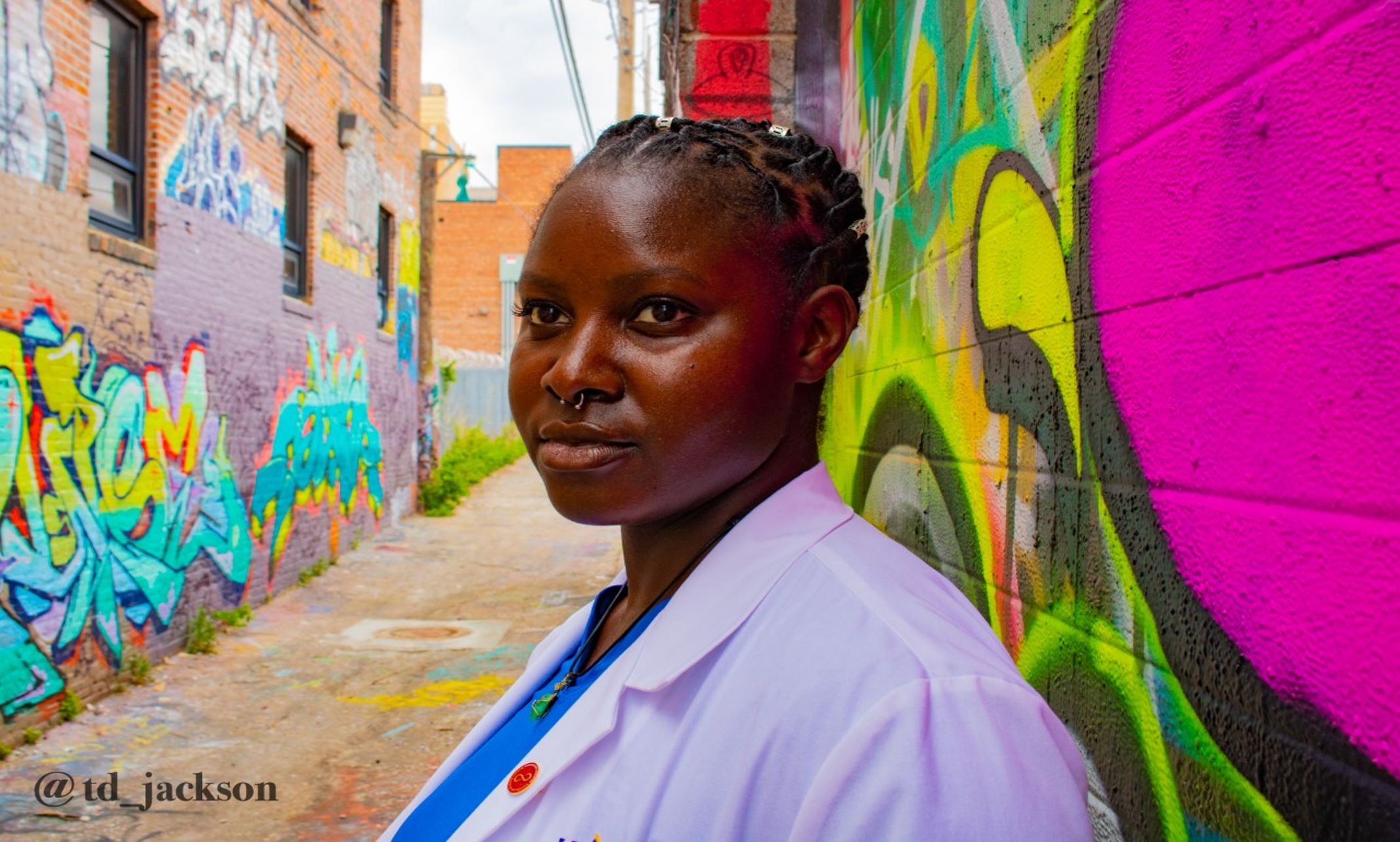
L.A. transplant Coco Ndipagbor, with help from an LGBTQIA scholarship, led her class in nursing school
Our ongoing story starts with people from around the world, converging here at UMKC. Get to know our people and you’ll know what UMKC is all about.
Coco Ndipagbor '21Academic program: Pre-licensure BSN, School of Nursing and Health StudiesHometown: Long Beach, California
Coco Ndipagbor describes herself as fearless and resilient, and it’s easy to see why. After earning a bachelor’s degree in global health from the University of Southern California, she could have stayed close to home and pursued a master’s in public health. Instead, she moved to a new city halfway across the country and distinguished herself as a leader in her class at the School of Nursing and Health Studies, becoming president of the Student Nursing Association chapter at UMKC.
She will return to the Los Angeles area in the fall, where a fulltime job as an intensive care nurse waits for her. To help finance nursing school, Ndipagbor applied for every scholarship UMKC had to offer. She landed a few, but one was especially meaningful: the LGBTQIA Leadership Scholarship.
What did you get from being an LGBTQIA Scholar?
The scholarship provided a chance to exemplify queer leadership. It was the first time that being Out and Proud funded part of my education. I also wanted to show queer UMKC students of color that they belong here. I joined the LGBTQIA Health District Alliance because I do believe that showing my pride will validate my patients and peers that I am here for them.
LGBTQIA issues are important because I love who I am and the community I represent, and I aim to create a space where we can feel safe. My little brother is a trans child, and I have had to step up big time to ensure his safety in a world that shows him otherwise. I want to uplift and empower queer youth because many of us grew up in families where the blasphemy of our existence prevented us from receiving the love and support we deserved.
The LGBTQIA community is underrepresented in the world of health care, and I want to be a part of a generation of providers that changes that. I intend to use my experience here in Kansas City to grow and thrive.
Why did you choose nursing?
I have been caring for people my whole life, and being able to do that as my profession brings me joy. I also love teaching people how to advocate for their health.
I wanted to diversify my education and my choices, too, and there are so many paths to pursue in nursing. I’m interested in anesthesia, and I knew UMKC had a Certified Registered Nurse Anesthetist program, which could bring me back here in a few years.
"The LGBTQIA community is underrepresented in the world of health care, and I want to be a part of a generation of providers that changes that." — Coco Ndipagbor
What did you learn about yourself at UMKC?
I have learned that I am fearless. I moved across the country to a place that I had never visited or known. I took the bus every day in the rain, cold or snow, and I worked 50 hours a week and still came up short financially. But I did not stop. I could not quit after coming so far, and I would do it all over again.
What do you admire most about UMKC?
I admire the dedication that many professors and administrators have for students. Once they found out that I was in KC alone, they opened their hearts and became my support system. It kept me going.
What is the best advice you received from a professor?
There is always something more to learn. Study to become a better nurse, not to pass a test. Always go with your gut, even if it goes against the grain.
Anything you will miss about Kansas City and UMKC?
I will miss the low cost of living, the clean streets and the nice Kansas Citians I encounter every day. I will miss the friends and family I made while at UMKC.
Jul 09, 2021
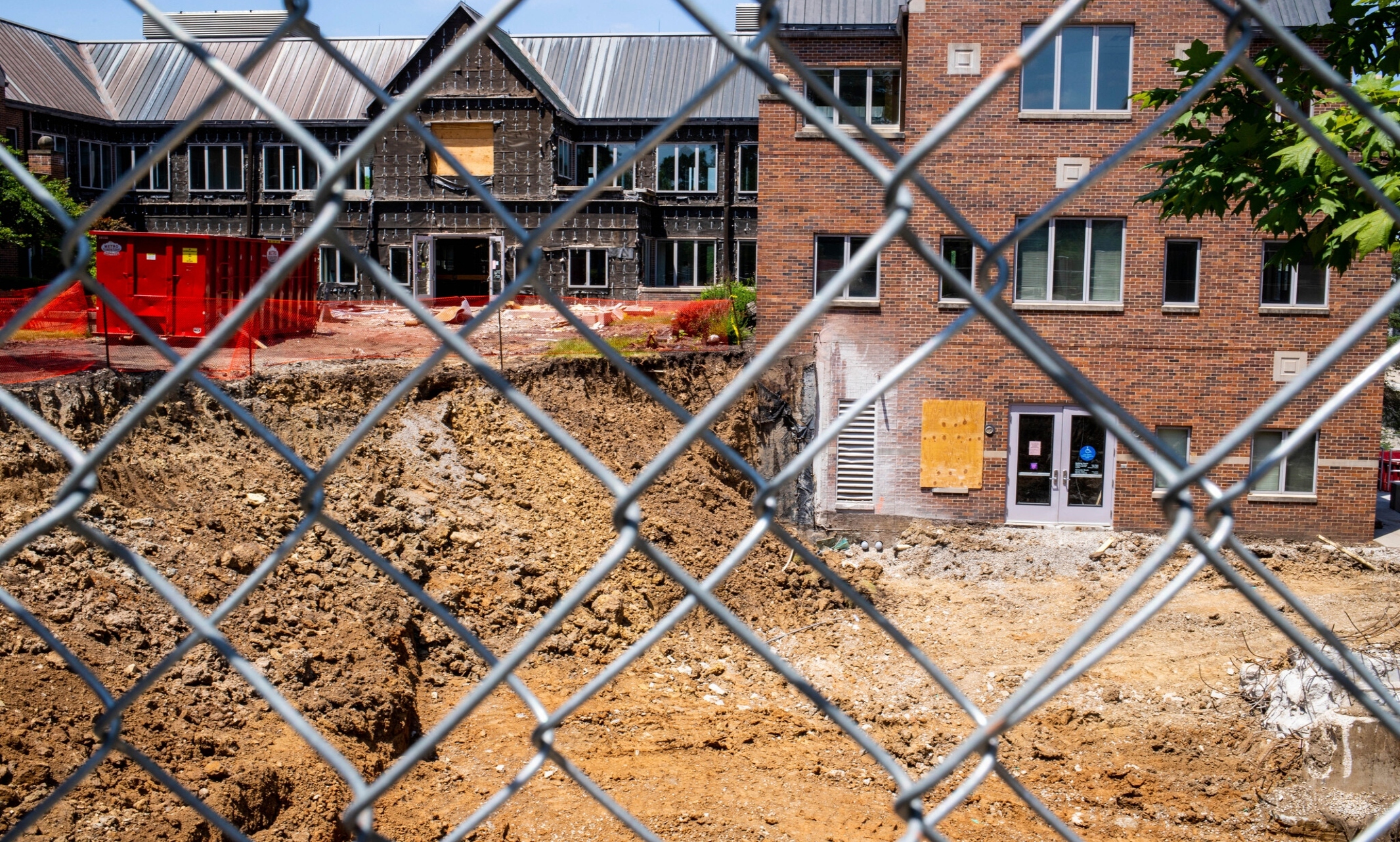
Been a while since you've been to campus? Brush up on these changes.
Construction or relocation, several UMKC buildings have seen updates over the last year. With virtual learning dominating 2020, here are some campus changes students might have missed:
Bloch Heritage Hall Construction
Construction is ongoing at Bloch Heritage Hall, the original home of the Henry W. Bloch School of Management.
The Bloch School received funding from both the Bloch Family Foundation and the Sunderland Foundation in 2019 for the renovations and technology updates at Heritage Hall.
The renovations and technology updates will help support advanced teaching methods and anticipated enrollment growth, bringing this essential space in line with the university's commitment to providing students with tools for their success.
While the state-of-the-art Bloch Executive Hall for Entrepreneurship and Innovation opened in 2013, Heritage Hall had previously not received any upgrades since 1986.
Heritage Hall incorporates the original Tudor-style Shields Mansion, built at the turn of the 20th century and an addition was completed in 1986.
Updates to Heritage Hall are slated to be completed this school year.
Miller Nichols Library Construction
Construction on the third floor of Miller Nichols Library is underway. The library is receiving upgrades for a digital humanities and digital scholarship center, in preparation for the relocation of the State Historical Society of Missouri, which is currently housed in Newcomb Hall.
University Libraries also received funding from the Sunderland Foundation and the Bloch Family Foundation in 2019 for the renovations.
Beyond being a resource for students and faculty, the Miller Nichols Library is a recognized resource for both historical and enthusiasts and professional researchers.
The At Ease Zone and Student Veteran Support Service Office was previously located in the Atterbury Student Success Center. Photo by Brandon Parigo
At Ease Zone and Student Veteran Support Office Relocation
The At Ease Zone and Student Veteran Support Services Office is now located in Room 310 of the UMKC Student Union. The offices were previously located in the Atterbury Student Success Center.
"The At Ease Zone moving into the Student Union is going to be a great fit for serving our student veterans," said Eric Gormly, assistant director of UMKC Student Veteran Support Services. "With the resources, activities and student organizations provided in this building, it should go a long way to help our student veterans feel like they are part of the Roo community."
Last month, Military Times ranked UMKC 70th in the country for being a 'best school' for military veterans, out of 366 colleges and universities reviewed. The publication mentioned the Student Veteran Support Services Office and the At Ease Zone and noted the university "values the qualities and strengths this student population brings to campus and the community."
Robert W. Plaster Free Enterprise and Research Center
While construction on the Robert W. Plaster Free Enterprise and Research Center, or Plaster Center, was completed and opened to students last fall, the center is still placing its finishing touches on the Innovation Studio.
Located on the second floor of the research center, the Innovation Studio will support research, innovation and entrepreneurship for the UMKC and Kansas City community, as members of the local engineering community will have access to the studio's resources.
The newest editions feature an augmented and virtual reality showroom and lab, a 3D printing lab and a fabrication studio that builds prototypes. The studio also features woodworking, metalwork, welding and laser cutting capabilities.
The studio is open to students now but is expected to be open to the public starting this fall.
Jul 09, 2021
Reviews are in for Coterie Theatre production with UMKC students, faculty
Stephanie Roberts, UMKC associate professor, directs the cast of student actors from the UMKC Theatre Department performing as 306 Theatre Troupe. Read more.
Dragons Love Tacos Runs Through August 8 at Coterie Theatre - Broadway World - July 6
Dragons Love Tacos Warms a Coterie Crowd - The Pitch - July 8
Review: Dragons Love Tacos at The Coterie - Kansas City Parent Magazine - July 13
Jul 06, 2021
The Kansas City Star taps Stuart Hinds
Queer bars have been a part of Kansas City’s culture for decades, though they didn’t begin to gain visibility in Kansas City until the late ‘50s and early ‘60s, said Stuart Hinds, curator of the Gay and Lesbian Archive of Mid-America at UMKC. Read the article. (subscription required)
Jul 05, 2021
William Black talks to KSHB about Fourth of July cookout costs
“You can have a meal that’s much much cheaper than 60 bucks and feed 10 people,” William Black, associate professor of Economics and Law at UMKC said. Read the article and watch the newscast.
Jul 02, 2021
UMKC associate professor of political science co-authors Washington Post article
Benjamin Woodson, associate professor of political science at the University of Missouri at Kansas City, with a focus on political psychology and public opinion toward the judiciary, was a co-author of this article. Read the full article.
Jul 02, 2021
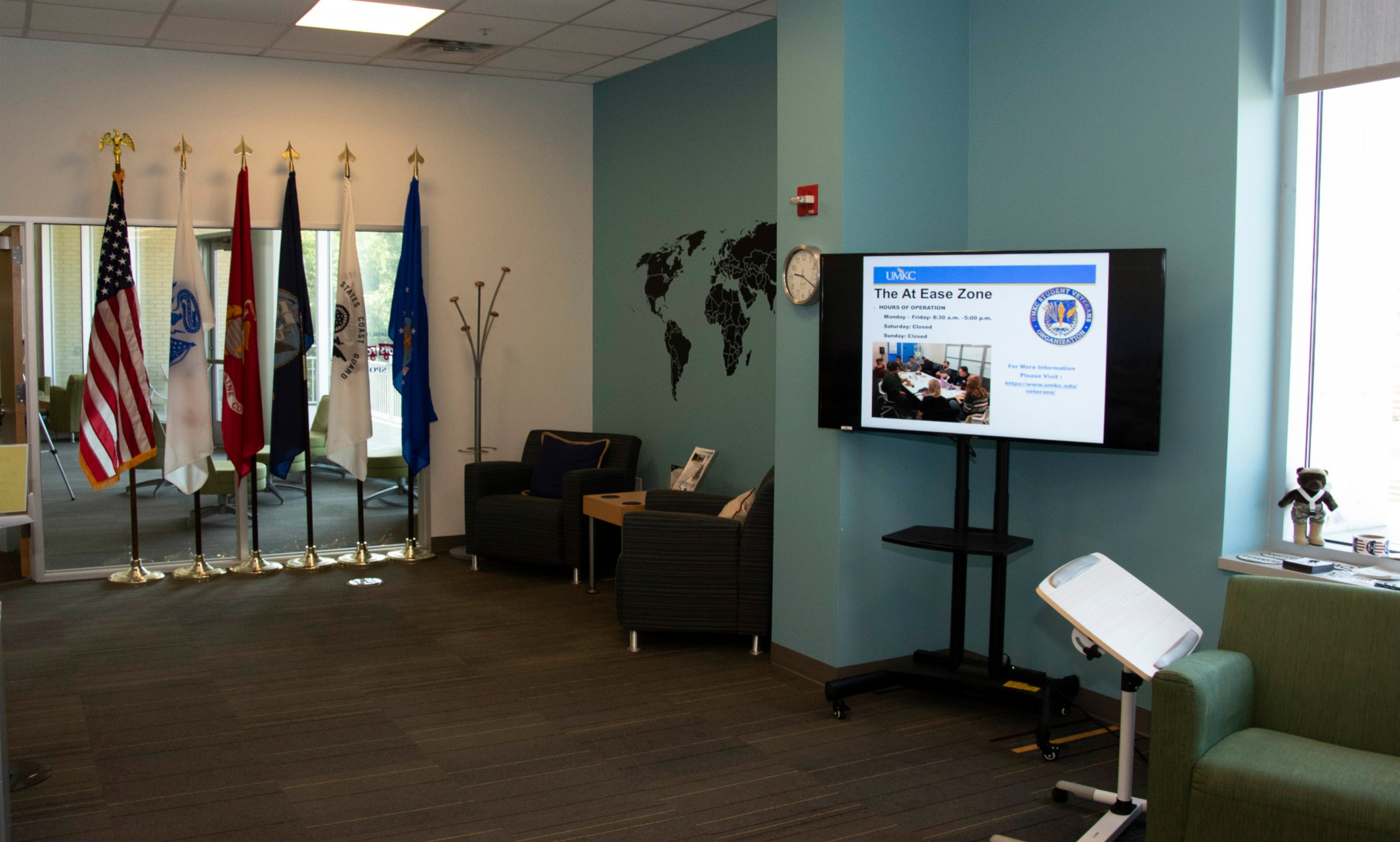
Military Times, Military Friendly® recognize UMKC
The University of Missouri-Kansas City has received two honors for being a veteran-friendly campus.
Military Times ranked UMKC No. 70 in the United States for being a best school for military veterans, out of 366 colleges and universities reviewed. According to the publication “2021 Best for Vets: Colleges,” “UMKC is the largest comprehensive, fully accredited university in the Kansas City area and has a 16:1 student-to-faculty ratio, which means professors know their students' names and take mentorship seriously.”
The publication mentioned the new UMKC Student Veteran Support Services office and At Ease Zone (Veterans Center) through which UMKC serves the student veteran and military population. The publication noted a UMKC statement that the university “values the qualities and strengths this student population brings to campus and the community, and has top-down support to ensure we are implementing best practices to show maximum support for the overall success of our student veterans.”
UMKC was also designated a 2021-2022 Military Friendly School. Military Friendly® is the “standard that measures an organization’s commitment, effort and success in creating sustainable and meaningful opportunity for the military community.”
Eric Gormly, assistant director for Student Veteran Support Services; and Debbie Kacirek, UMKC VA Certifying Official Student Veteran Support Services, are in the UMKC Student Veteran Support Services office. Photo by John Carmody.
“These two distinguished rankings go a long way as far as seeing how we match up to other institutions across the country,” said Eric Gormly, assistant director, UMKC Student Veteran Support Services. “With us not being on campus for most of this past year, I am excited for the student veterans to see just how welcoming the UMKC campus has become. Although many factors play into the ranking systems for student veteran programming, one crucial piece is having a one-stop shop for student veterans to seek out resources, build community, and make their presence on campus known, which we have in the new At Ease Zone in the Student Union. The top-down support has helped to achieve many goals that were envisioned that ultimately contribute to not only the academic success, but the all-around student success for these transitioning service members.”
The At Ease Zone and Student Veteran Support Services Office are located in Room 310 of the UMKC Student Union. More information about UMKC programs for veterans can be found online.
Jul 02, 2021
KCUR interviews Chris Garmon
“It would be really nice to know what the prices are,” said Chris Garmon, Assistant Professor of Health Administration at the Henry W. Bloch School of Management who previously worked on antitrust investigations at the Federal Trade Commission. Read more from KCUR.
Jul 01, 2021
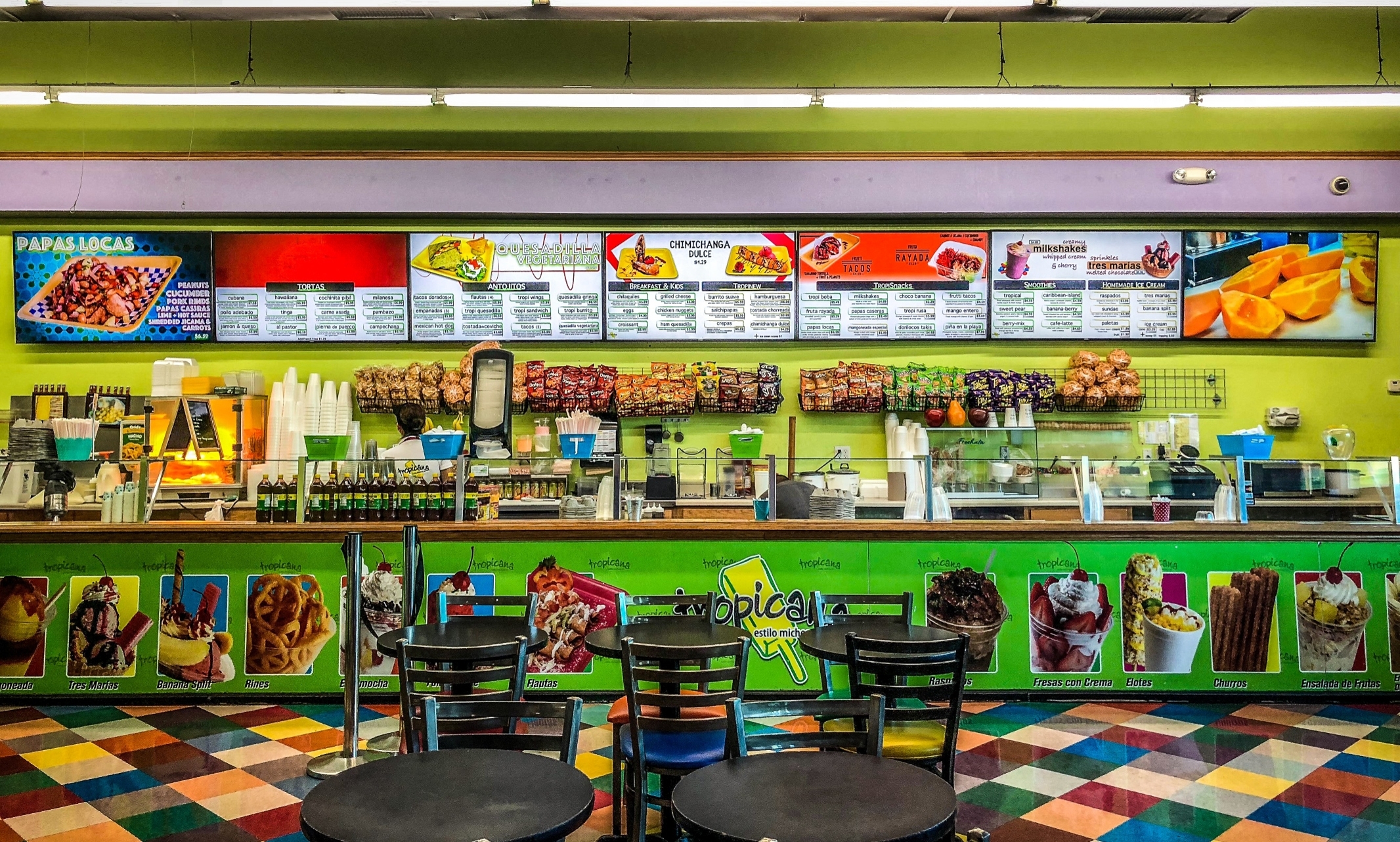
Ready to go out? Our students have suggestions on where to go
Kansas City has always been a food town, but COVID-19 has kept most of us dining on our cook-at-home favorites and carryout. As we are able to get out more safely, here are a few UMKC students’ favorite spots to eat.
Paleterías Tropicana
“My absolute favorite spot to eat in Kansas City is Paleterías Tropicana.” – Adriana Suarez '23, business administration
Since 2003, Paleterias Tropicana has served homemade authentic Mexican ice cream. From its original location on Kansas City’s westside, there are now five locations in the metropolitan area. While lime, mango and banana are safe bets, hibiscus, pineapple chile and tamarind with chile will delight the adventurous eater.
Town Topic
“I enjoy getting a burger and pie from Town Topic with my friends. We like taking our burgers and pies to go so that we can enjoy our food while overlooking the Kansas City skyline near the World War I Memorial.” – Emily Wesley '21, biology
Town Topic is a Kansas City tradition. Open 24 hours a day with three locations – two of which are basically around the corner from one another – this is a go-to for smash burgers and breakfast for both locals and newbies.
Wings Cafe
“Wings Café is one of the best places in the city for chicken wings by far. Go there and tell me I’m wrong.” – Brandon Henderson '21, political science
Convenient to both campuses, Wings Café, a family-owned restaurant in Westport, serves bare wings, boneless wings and breaded wings, but their selection doesn’t stop there. Fish, shrimp and chicken are also options as well as the opportunity to mix things up with a “combo.”
Tiki Taco
“Go! You’ll thank me later.” – Jonaie Johnson '22, business administration
Tiki Taco bills itself as “your chill neighborhood taco shop dishing out yummy California-style Mexican fast food.” “Chill” is the key word as Tiki Taco has a cool laid-back vibe. Plenty of options for vegetarians, too, with creative tacos featuring jackfruit or mushrooms along with more standard options of avocado and “mean” bean.
Chai Shai
“My favorite so far has been Chai Shai. My roommate wanted me to try Pakastani food for the first time, and she took me there.” – Marlena Long '25, medicine
Tucked into a quiet neighborhood just south of the Volker campus, Chai Shai offers a variety of dishes that often lend themselves to sharing. Spices such as cumin, cardamom, star anise and turmeric delight – but do not overwhelm – the senses.
Jul 01, 2021
Local news about UMKC Master Plan
The University of Missouri-Kansas City plans to build apartments along the extended streetcar route, which is slated to be finished in 2025. Read the news articles:
Kansas City Business Journal - June 30, 2021 (subscription required)
Flatland - June 30, 2021
Jun 30, 2021

UMKC students excited about returning to pre-pandemic life
After spending the last year distanced, virtual or masked we're looking forward to returning to normal campus life in the fall. Here's what a few of our fellow Roos had to say.
Being back on campus
"I'm looking forward to finally being back on campus and interacting with my fellow Roos!"
-Krithika Selvarajoo '21
Karl Manoza and other students pictured at an event promoting mental health awareness held by the student organization Asian Students in America.
In-person events
"I'm most excited about attending in-person events that organizations host throughout the year. I remember my freshman year in 2019: events were so much fun, and I met some amazing friends along the way. I am part of many student organizations on campus and I really enjoy being involved in the UMKC community and participating in a multitude of events."
-Karl Manoza '23
Marcus Thieu and two other students celebrate UMKC Commitment Day. Photo by Brandon Parigo
Walking to class
"As simple as it sounds, I've missed the ability to enjoy the fresh air while walking around campus. Walking between campus buildings is a basic luxury I've missed after spending this last year on Zoom."
-Marcu Thieu '22
Feeling connected
"When I'm in-person for school, I feel so strongly connected to my community. I look forward to getting that feeling of connection back! I look forward to sitting with small study groups in the library in-between classes and coffee dates with my friends on campus."
-Kylie Bias '23
Meeting old friends, making new
"I cannot wait to study with my friends at the library. Every time I am there, I run into someone old and someone new. We start by catching up or sharing what we are studying. Then, that turns into a minutes-long conversation with not much studying but that's what college is about — meeting people from all over."
-Ansel Herrera-Garcia '23
Jun 28, 2021
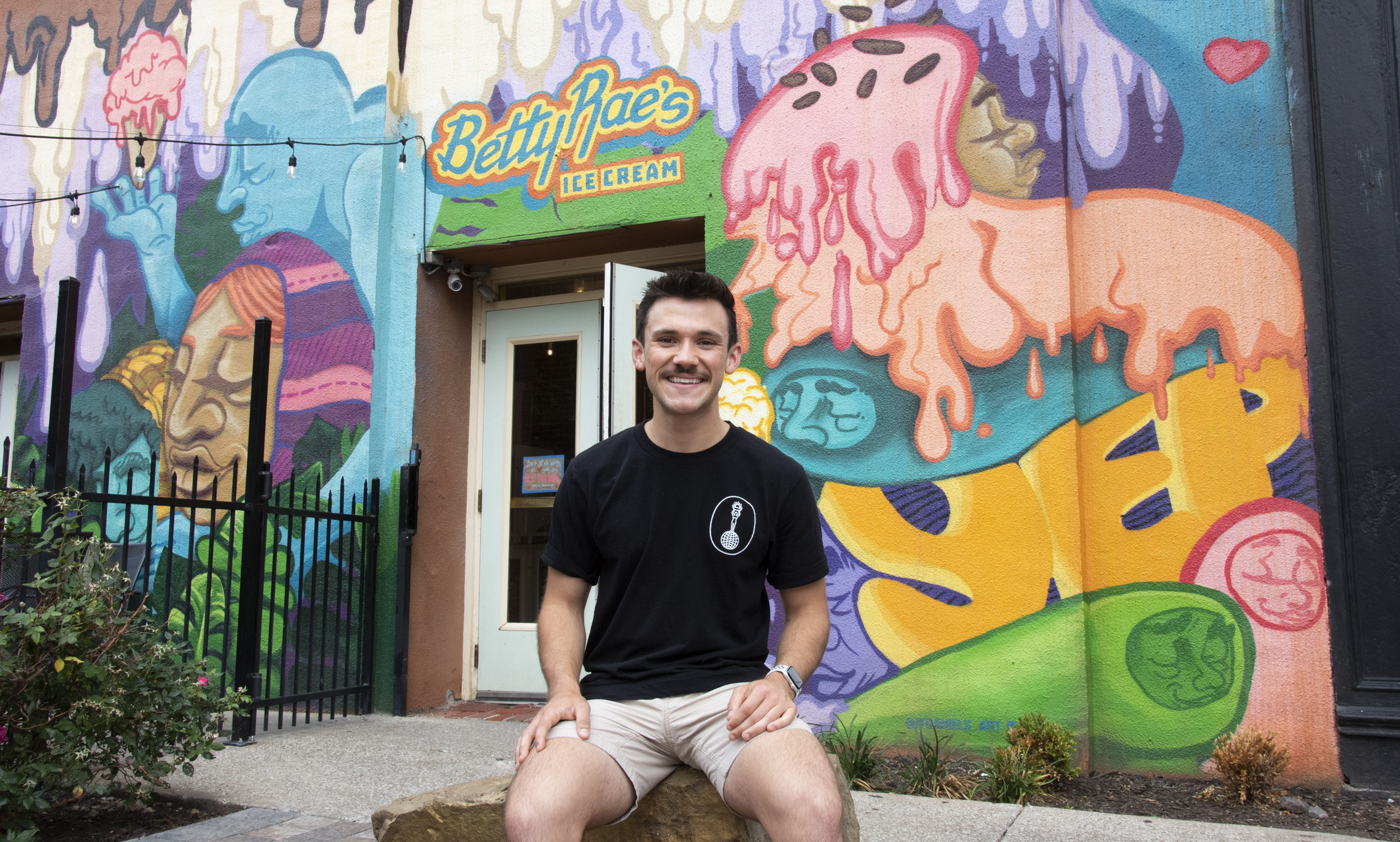
UMKC alumnus purchases popular local business
Roos are, in fact, everywhere. Sometimes, they’re in our own backyard making cool treats in the summer heat.
Alec Rodgers (’20) graduated from the Henry W. Bloch School of Management in Entrepreneurship and Finance and shortly thereafter found himself owning a Kansas City staple for ice cream: Betty Rae’s. We caught up with Alec for the full scoop on how his UMKC education prepared him for such sweet success.
What is your history with Betty Rae’s? What led you to become the owner?
It was junior year. I realized I’d be graduating the next year and wished I had a more fun job; enjoyed life a bit more. I was doing 60 hours a week, 18 credit hours. It was a lot. My mom went to a shaved-ice truck up north, and they were serving Betty Rae’s ice cream. She brought it home and said “The lady there said they might be hiring.” I said “Well, that sounds like a fun job.” David, then the part-owner, posted a photo of the new wallpaper that day, in the River Market location. I thought it was awesome wallpaper. I knew, whoever that was, I wanted to work for him. I met him the next day, and within the first month I could tell it was so different there. It felt like a family. I was going there to do homework and hang out; making waffle batter at 9 in the morning, just to be there. Everybody wanted to do that, too. I wanted to stay here the rest of my life and scoop ice cream, but I was studying finance and entrepreneurship. I graduated, started working for another company, and in February David and Mary approached me about buying the shop. I immediately said yes and put my two weeks in. It’s been fun.
Alec and the wallpaper that started it all.
What’s your UMKC story?
I actually started at Mizzou. The campus is beautiful. My friends there were amazing. It just wasn’t the culture I wanted, and I quickly realized that. After three weeks, I told my parents “I think I’m going to come home at semester and go to UMKC.” That was a big step for me, personally. So, I came to Kansas City to start at UMKC and loved it. Coming back here was the best decision I ever made. Sophomore year, I moved to England for six months, serving with youth there. It was a lot of fun. I took classes online while doing that, which again was the total opposite of what I thought I wanted to do. I was going to be done in four years, maybe three. Anything that got in the way of that was a distraction. And again, it was one of the best decisions I made. I learned a lot about myself and about people. I came back junior year and finished out here.
Were you involved in any extra-curricular activities?
Enactus was my main extra-curricular. I loved it. Working at the Regnier Institute for Entrepreneurship and Innovation kept me busy, but it also kept me involved in so many things here on campus and in the city. I would help with the Venture Hub and a few other services Regnier provided.
Betty Rae scoopers hard at work.
How did your UMKC education prepare you for your career?
Well, the thing I hated the most was group projects. Seriously. I knew I’d get stuck with the work of someone else the night before because they aren’t ready. Expectations wouldn’t match. Some peoples' were way up here and others were down here. That said, those experiences have served me more than anything else. Plus, getting to make connections here in Kansas City, going to school here and staying here, you foster a lot of relationships that I wouldn’t have had staying at Columbia. That’s been a huge advantage. The professors here were and are amazing. I still talk to them. I just texted one yesterday. I feel like that’s hard to find, because on a larger campus, you’re a number, which makes sense. They can’t be close to everyone. Here you’re in class of 25-40 people. You know the professor, and they know you. You get to learn from them not only as an instructor, but a person, too. It was awesome.
One more hard-hitting question: What is the best ice cream flavor?
We have rotating flavors and we have stationary flavors. My favorite rotating flavor, my favorite flavor of them all, is the Joe’s Burnt Ends. Stationary, I have to go for Goat Cheese, Apricot and Candied Walnut.
Alec shows off his favorite flavor of ice cream, featuring Joe's KC's burnt ends.
Jun 28, 2021
Assistant professor of geosciences lends her expertise
“Because of the position of Dotsero being on the edge of the Colorado Plateau, there’s a possibility for future eruptions, but it’s much lower than in places like the Caribbean, where we know that magma is being made at depth regularly,” Alison Graettinger, assistant professor of geosciences at the University of Missouri-Kansas City, told Denver7.
Jun 25, 2021
Kansas City performing arts media highlights UMKC Conservatory students in Apprentice Artist Program for the 2021-2022 season
The artists for the Apprentice Artist Program for the 2021-2022 season include UMKC students Soprano Amy Stuart-Flunker and Mezzo-Soprano Katarina Galagaza. Read the story in The Pitch. This was also covered by KC Applauds.
Jun 24, 2021
Local media celebrate UMKC alumna's return to Olympics
Courtney Frerichs. UMKC alumna from Nixa, Missouri, qualified for her second straight Olympics in her signature event, the 3,000-meter steeplechase, late Thursday at the U.S. Olympic Trials in Eugene, Oregon. Read more from The Kansas City Star, which was picked up by the Marietta Daily Journal.
More headlines:
Naive and Scared No More, UMKC’s Courtney Frerichs Poised to Medal at Tokyo Olympics - The Kansas City Star (subscription required)
Nearly A Dozen Kansas City Area Athletes Will Compete At Tokyo Olympics - Fox4KC
UMKC Alumna Courtney Frerichs Qualifies for 2020 Tokyo Olympics - KSHB
Jun 24, 2021
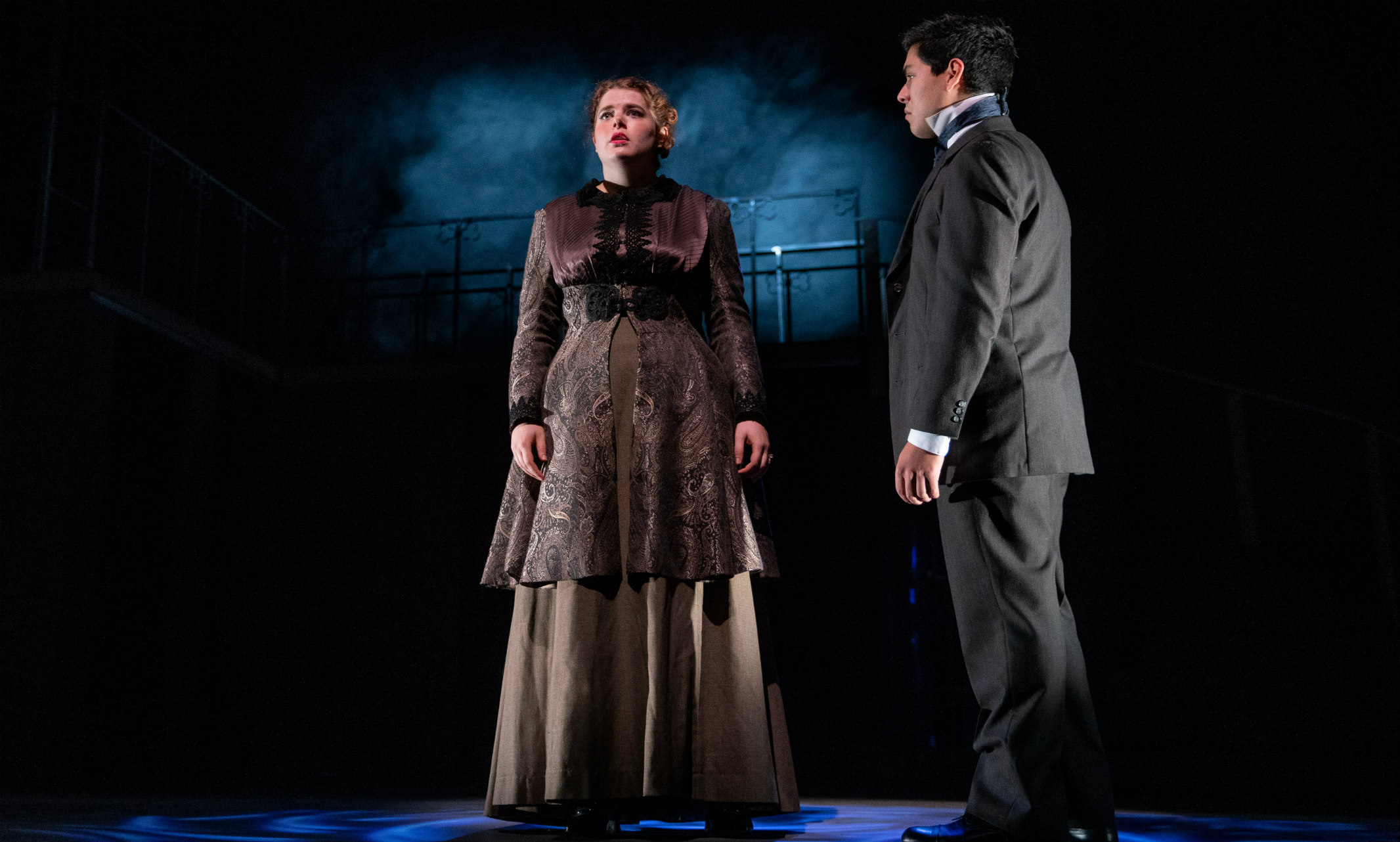
Master of fine arts program consistently recognized as one of the best performing arts schools
The Hollywood Reporter’s recent rankings have the University of Missouri-Kansas City Theatre graduate program among the top 25 in the U.S. for top dramatic and performing arts schools for the second year in a row.
According to The Hollywood Reporter, the publication consulted with academics, influencers and alums to rank the top 25 master of fine arts acting programs. In the article, the publication ranked UMKC 23rd, up one spot from last year, and highlighted UMKC for bringing theatre, music and dance departments under one roof: the UMKC Conservatory.
For the fourth year in a row, The Hollywood Reporter has also included UMKC Theatre in its list of Top 10 Costume Design schools. UMKC Theatre offers a single comprehensive M.F.A. degree in costume design and technology, which has been key to its success. Students learn many skills including drawing, painting, sketching and learning how to construct a garment with techniques in fabric manipulation, millinery, tailoring and pattern drafting.
“This is a true testament to the long history of the program, the work the of the tremendous faculty, staff, students and alumni have been able to do over the years.,” said Ken Martin, Patricia McIlrath Endowed professor of Theatre and chair of UMKC Theatre. “As we move forward, grow and change, we expect to build on our reputation of excellence, and to continue to help bring young artists into the world of acting, design, management and technology.”
Martin was named chair of the UMKC Theatre Department when it merged with the Conservatory in 2019. The merger was a natural alignment: the two programs share a long history of collaboration, a physical space, a teaching model featuring intensive hands-on training for students while they gain analytical skills taught by professional performing artists, a professional-school focus, a strong national reputation, a spirit of civic engagement and a supportive philanthropic audience.
In addition to its on-campus partnership with Kansas City Repertory Theatre, this year the program continues to partner with Unicorn Theatre, Coterie Theatre and Kansas City Actors Theatre, featuring MFA and Bachelor of Arts acting students in major professional roles.
Alumni include Nick Gehlfuss of “Chicago Med,” Patrick DuLaney of “Harry Potter and the Cursed Child” on Broadway and Toccara Cash of Broadway’s “The Play That Goes Wrong” and “Half Me, Half You” at London’s West End.
Jun 24, 2021
Ken Novak explains the case for KMBC
Ken Novak, a criminal justice and criminology professor at the University of Missouri-Kansas City, said he also learned about the case this week. “There are too many different people, innocent people, who would have their information and data captured by the government,” Novak said after reviewing details of the case. “The risk wasn’t worth the reward.” Read the story and watch the newscast.
Jun 23, 2021
KSHB taps Ann Marie Marciarille
A Missouri judge determined that the voter-approved Medicaid expansion amendment not only omitted how the expansion would be paid for, but that people don't have the power to tell the legislature how to spend the state’s money, according to Ann Marie Marciarille, UMKC School of Law professor. Read the full article and watch the newscast.
Jun 23, 2021
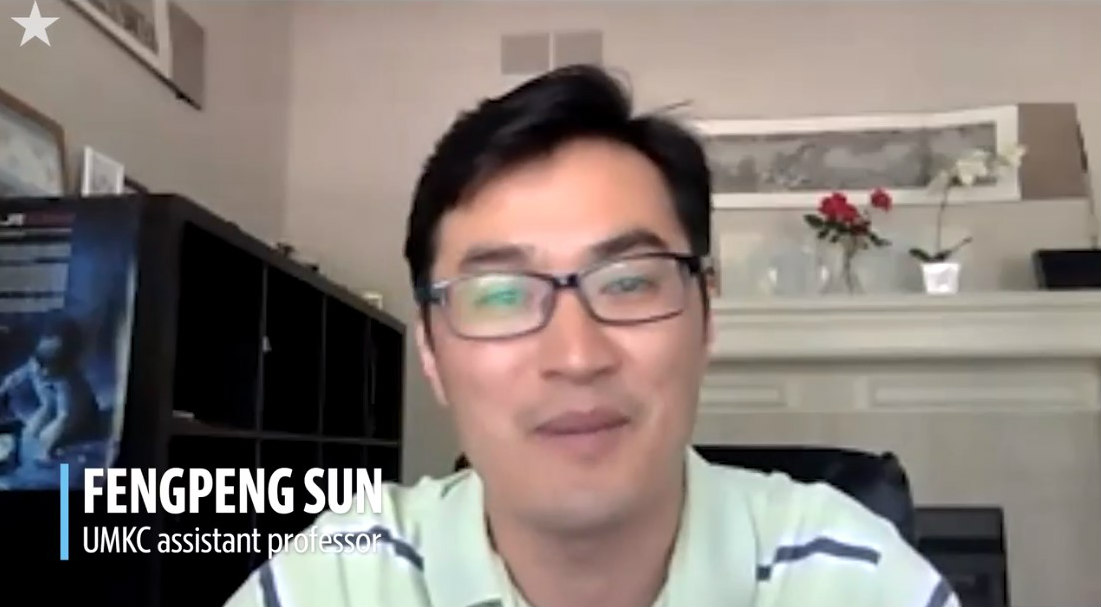
The Kansas City Star talked to Fengpeng Sun, UMKC Department of Earth and Environmental Sciences assistant professor
Summer heat can be deadly and some populations are at more risk because of their location.
“We want to show and study how the excessive warming pattern is distributed across our backyard in the KC metro area,” said Fengpeng Sun, assistant professor with the University of Missouri-Kansas City Department of Earth and Environmental Sciences, which is leading the campaign to find out where those heat islands exist in Kansas City. Read the full story. Watch the video. (subscription required)
Jun 23, 2021
Kansas City Star includes the performance “Dragons Love Tacos” by the Coterie and performed by UMKC Theatre’s 306 Theatre Troupe
The Coterie will present “Dragons Love Tacos,” performed by UMKC Theatre’s 306 Theatre Troupe, outside in the Crown Center Square’s Entertainment Pavilion, opening at 10 a.m. June 30 and running through Aug. 8. Tickets ($12-$15) and more information are available at thecoterie.org. Read more. (subscription required)
Jun 23, 2021
Experts in mobility, climate and food waste share their knowledge
Three UMKC alumni who work at high levels in the sustainability field around the globe participated in the 10th Annual Sustainability Research Symposium this year.
The guest speaker panel featured College of Arts and Sciences alumni Rebecca Karbaumer (’06), James Mitchell (’13) and Penny Harrell (‘16).
Karbaumer is the mobility director for the City of Bremen, Germany and a promoter of mobility across the European Union. She is responsible for implementing Bremen’s Car-Sharing Action Plan and coordinating the Interreg North Sea Region project about shared mobility called SHARE-North.
Mitchell, a director at the Center for Climate-Aligned Finance and a principal at the Rocky Mountain Institute, is from London, England. He led the development of the Poseidon Principles, which launched in June 2019 as the first global climate-alignment agreement for financial institutions.
Harrell is a local graduate serving in the Environmental Protection Agency. Food waste is her specialty, and she organizes the Sustainable Food Management Summit at Wichita State University.
99 students submitted projects for the symposium. Those projects can still be viewed online.
Jun 23, 2021
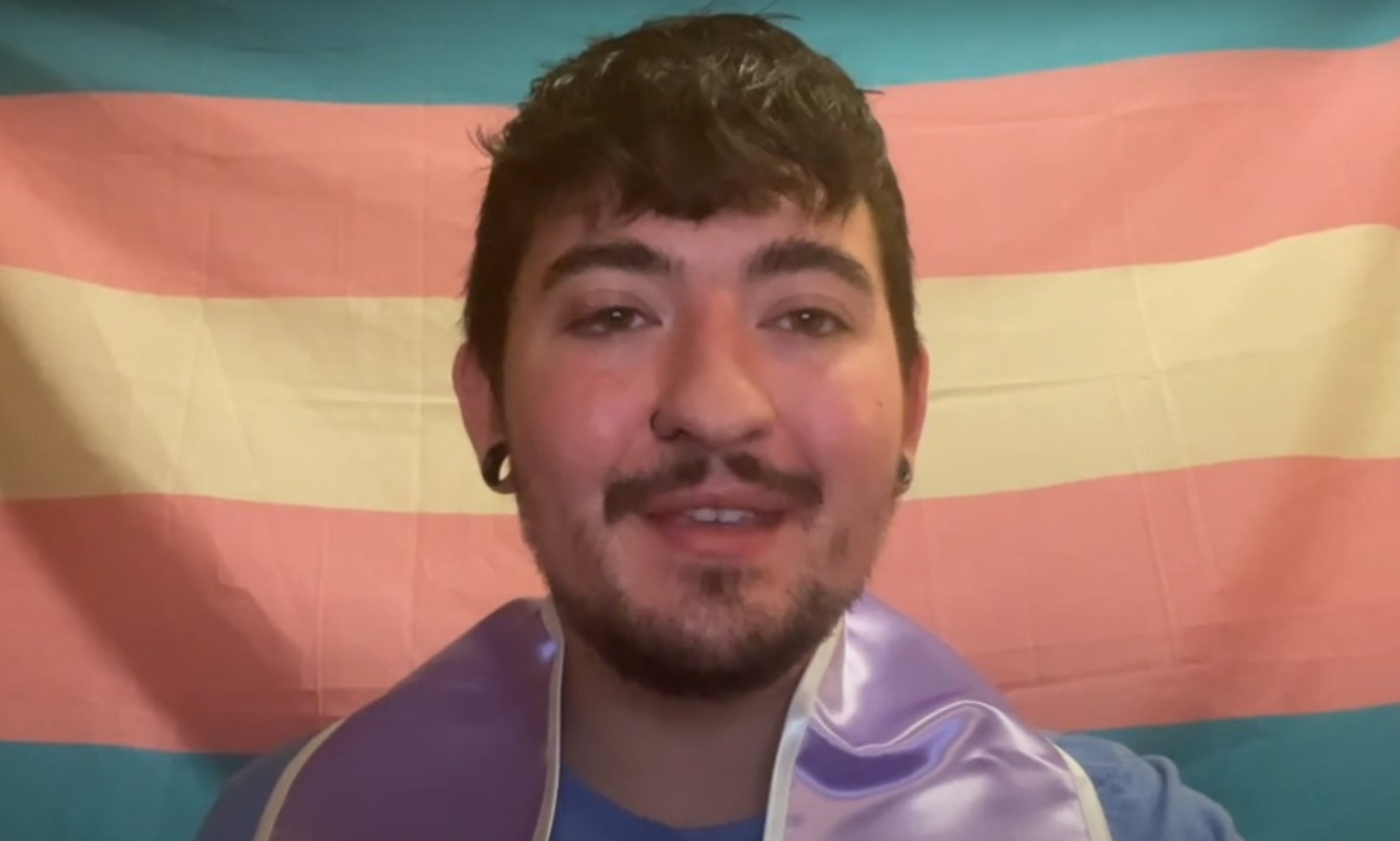
UMKC celebrates 17th annual Lavender Graduation and Pride Awards
Students, faculty, staff and alumni were honored during the University of Missouri-Kansas City 17th annual Lavender Graduation and Pride Awards Celebration.
“While this year has certainly been unconventional, it’s all the more reason for us to celebrate the accomplishments our incredible students have,” Kari Jo Freudigmann said in her welcome address.
Freudigmann is the assistant director for LGBTQIA Programs and Services in the Office of Student Involvement. The department organizes the annual banquet, which took place virtually on May 5 this year due to COVID-19.
“At its foundation, the Lavender Graduation ceremony celebrates the achievements of graduates across the spectrum of sexual and gender diversity,” Freudigmann said.
The event celebrates LGBTQIA graduates and Pride Award recipients. The awards recognize members of the UMKC community who have contributed to the betterment of the LGBTQIA community through education, support, programming or activism.
“These recipients have demonstrated not only a commitment to LGBTQIA equality, but represent a challenge for us to continually do better as a community, fulfilling our commitment to social justice,” Freudigmann said.
Kole Keeney (B.S. Computer Science ‘21) was the celebration’s keynote speaker. Keeney said when he was introduced to UMKC’s LGBTQIA programs and services four years ago, he “had no idea the opportunities it would lead to.”
“When I first came out as trans(gender) in my small town, I was afraid I was doomed to a life of hardship and loneliness, but once I set foot in the rainbow lounge, I realized that life still had the potential to be the exact opposite — to be filled with love, acceptance and most importantly, rainbows,” Keeney said during his speech. “Always remember that you make the world a better place, not in spite of who you are, but because of who you are.”
Outstanding Faculty & Staff Award, recognizes LGBTQIA, or allied facility and staff, who have contributed to a positive campus climate for LGBTQIA individuals.
Alberto Villamandos, Ph.D., associate professor and chair of the Foreign Languages and Literature Department. Villamandos has changed the curriculum of undergraduate and graduate Spanish classes to include more queer people of color in readings. He also has open conversations in the classroom about intersex, lesbian, gay and bisexual liberation.
Jim Wanser Award, recognizes individuals who have volunteered hours of service to the UMKC LGBTQIA community or greater Kansas City LGBTQIA community.
Bridget Wray is the publicity chair of the Sexuality and Gender Alliance Council and has provided leadership both on campus and in the greater Kansas City community. She helped develop Kansas City’s first LGBTQIA job fair, which featured over 25 employers and had over 300 attendees.
“Always remember that you make the world a better place, not in spite of who you are, but because of who you are.” — Kole Keeney
Outstanding Alumni Award, recognizes one UMKC alumnus who works toward fostering an inclusive community at UMKC, or in the community in which they live and work.
Samantha Ruggles holds a nonprofit management degree from UMKC and is the former Executive Director of the Kansas City Center for Inclusion. During her time at KCCI, she turned Kansas City’s only queer center into a well-known establishment. Under her leadership, KCCI was able to build community partners, host multiple weekly events and host queer proms.
Collaborative Excellence Award, recognizes departments or campus organizations whose collaborative efforts have resulted in important resources and services for LGBTQIA students, faculty, staff or community members.
Kim Kushner and the New Student and Family Program in the Office of Student Involvement. Even in the last year amid COVID restrictions, Kushner and her office connected LGBTQIA students with campus resources. She has done this through numerous tabling events in the Student Union, as well as through The First Semester Experience.
LGBTQIA Student of the Year, recognizes one student for outstanding leadership, dedication and service within the university of in the community.
Elise Byers (’21), a School of Education graduate, served as Secretary of the Sexuality and Gender Alliance Council. The organization, which she previously served as Vice President, works to foster an environment of respect and appreciation around issues of diversity, including race, gender, ethnicity, social justice, sexual orientation, gender identity and expression. She was described by her nominator as “an advocate both inside and outside of the classroom.“It’s really nice to celebrate this and feel loved and safe, to feel comfortable and just proud,” Byers said. “I really loved being a part of UMKC and all of the queer groups on campus, which have been so welcoming and exciting to be a part of.”
All graduates were given a lavender stole to wear at commencement, which took place the weekend of May 15-16.
Jun 23, 2021
UMKC Conservatory student is one of 35 fellows mentioned in Broadway World article
Mark Bonner Jr., graduate assistant and doctoral candidate at the UMKC Conservatory, clinician and arranger, was chosen as a fellow for the 2021 Future of Music Faculty Fellowship Program.
Jun 22, 2021
Fox4KC reports on new breast care center led by UMKC alumna
Amy Patel, medical director of the new Breast Care Center at Liberty Hospital, is a UMKC School of Medicine alumna and assistant professor of radiology. Read the story and watch the newscast.
Jun 22, 2021
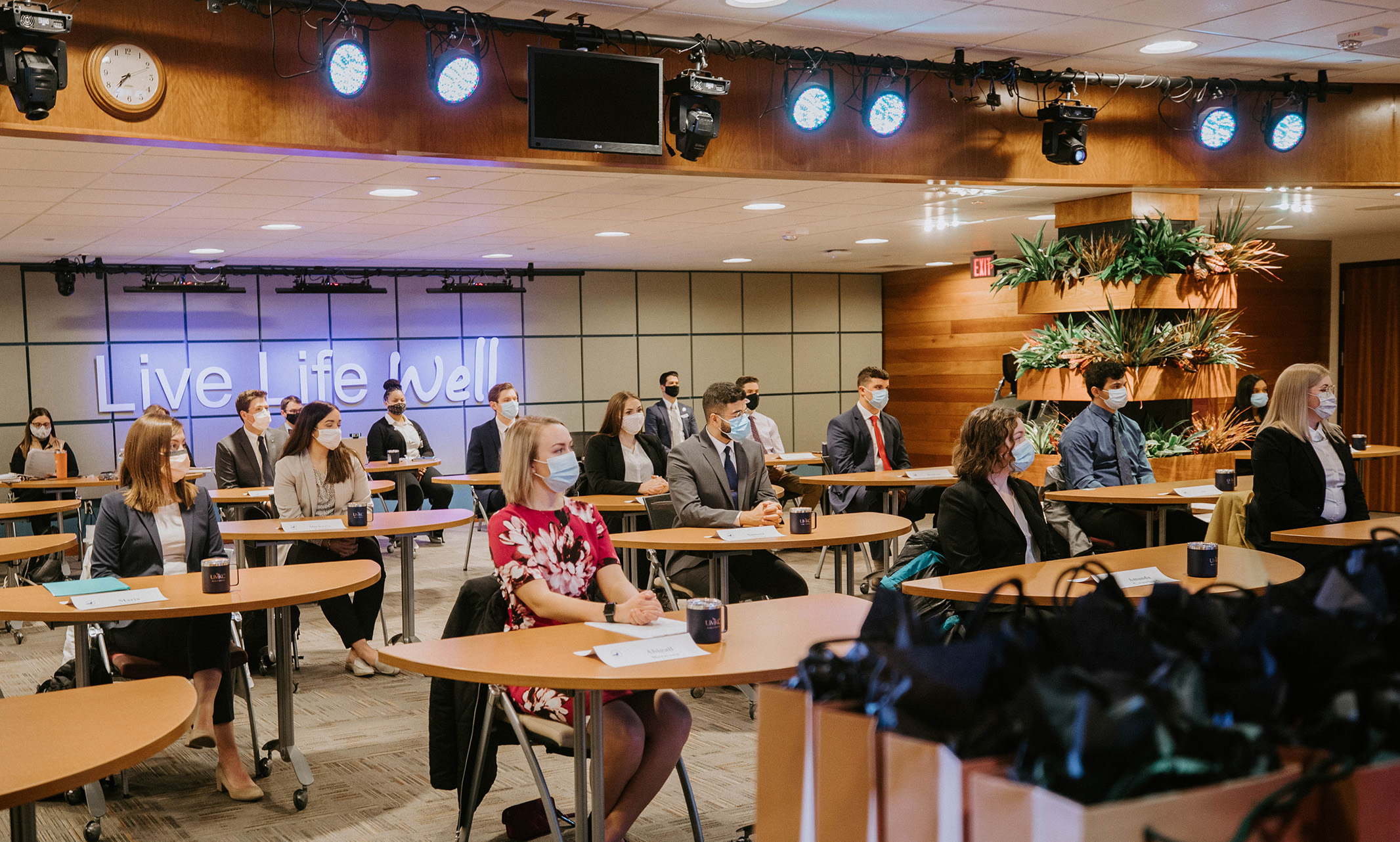
Entire class of UMKC med students has been certified and volunteered to give COVID vaccines.
It didn’t take long for the inaugural class at the UMKC School of Medicine’s new St. Joseph campus to make an impact on rural medicine.
January, as the COVID vaccines were ramping up, the entire class of 20 UMKC medicine students at Mosaic Life Care in St. Joseph took up the charge to become fully vaccinated vaccinators themselves. For their efforts, the Patterson Family Foundation, a Kansas City family-led foundation promoting rural health care, awarded the school and Mosaic a $15,000 gift to use in recognition and support of their rural medicine vaccination efforts.
“A lot of individuals as well as the medical centers they work for really put a lot of resources, time and energy into getting the (rural) population vaccinated,” said Steve Waldman, M.D., dean of the school’s St. Joseph campus. “This is a very gracious gesture from the Patterson Family Foundation in recognition of the Mosaic-UMKC School of Medicine partnership and our efforts working in tandem to get the rural community vaccinated.”
The School of Medicine opened the St. Joseph campus in January in an effort to address the need for more rural physicians. Waldman said nobody realized just how quickly the effort would begin paying dividends.
UMKC students at Mosaic were only weeks into their medical school training when they became certified to administer vaccines and joined the volunteer effort to reach rural patients. They even administered shots to members of the school’s faculty as part of their vaccine training.
“The vision of the St. Joseph campus to increase additional rural health care providers was achieved and it occurred just a few weeks into the start of classes,” Waldman said. “In partnership with Mosaic Life Care, 100 percent of our students were trained as vaccinators and 100 percent of them volunteered to administer COVID vaccines. We didn’t have to wait four years for our students to start giving back. It happened immediately."
Davin Turner, D.O., chief medical officer at Mosaic Life Care, said: “The students from UMKC School of Medicine were an amazing resource for Mosaic and their contribution was invaluable. We were honored to work side by side with the students as they assisted with our vaccination efforts. We could not have administered the more than 47,000 first and second doses without their tireless efforts. To have them part of our Mosaic community has been an immediate benefit, and we can’t thank them enough. We are grateful others such as the Patterson Family Foundation recognized their efforts as well.”
The gift from the Patterson Foundation will be used to reward and recognize those who gave their time and in some cases took the risk early on to volunteer before being fully vaccinated.
Waldman said part of the funds would also go to training additional vaccinators.
“Hopefully they’ll never be needed, but we’re excited about being a lot more prepared,” he said.
Jun 22, 2021
David Bamberger, UMKC professor of medicine, weighs-in on vaccine and shingles
People often feel the pain before the rash breaks out, said David Bamberger, professor of medicine at the University of Missouri-Kansas City and chief of infectious diseases at Truman Medical Centers/University Health. The Kansas City Star story was picked up by MSN Canada.
Jun 21, 2021
KSHB taps Allen Rostron, School of Law professor
“So a lawsuit has been filed saying you need to follow through on what the Missouri voters ordered you to do,” Allen Rostron, a law professor at UMKC, said. “They set the direction for this and you have to follow their instruction. The state, the attorney general’s argument, is basically saying, ‘no we don’t have to because it’s up to us to make the decision about the appropriation of money to pay for it.’” Read the story and watch the newscast.
Jun 20, 2021
The Hollywood Reporter again ranks UMKC Theatre
UMKC Theatre was No. 23 on the list.
Jun 19, 2021
Missouri Ag Connection interviewed Dean Kevin Truman about roundtable events aimed at strengthening Missouri’s manufacturing sector
Missouri manufacturers, chambers of commerce and business and economic development organizations will team up with University of Missouri System researchers over the next 18 months in a series of roundtable events across the state aimed at strengthening Missouri’s manufacturing sector. The roundtable effort recognizes that these smaller manufacturers can have an outsized impact on the overall economic health of smaller, rural communities, said Kevin Truman, dean of the UMKC School of Computing and Engineering and a member of the core Consortium grant team. Read the full article.
Jun 18, 2021
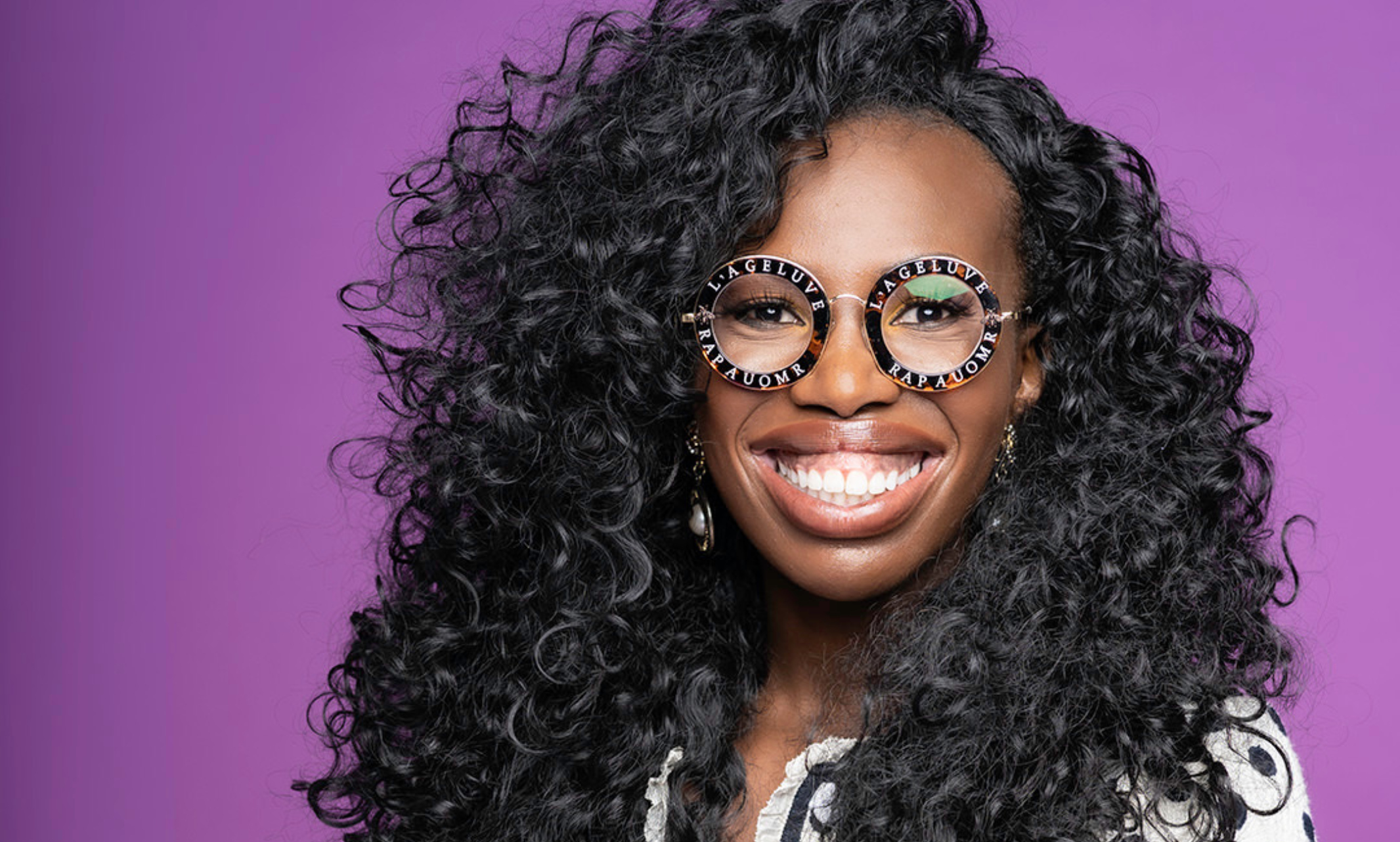
Physician Maria Uloko, M.D. (’15), a graduate of the School of Medicine, produces a popular podcast spotlighting people of color succeeding in STEM...
At first, Maria Uloko (’15) was proud of the looks of surprise, joy and comfort on the faces of people of color when she walked into a hospital room, and the patients saw a physician who looked like them. Soon, however, she began to question a society that still views Black physicians and scientists as an anomaly.
The situation made her angry, but after the murder of George Floyd last year, her anger hardened into resolve. She had been thinking about starting a podcast to highlight the achievements of people of color in STEM fields, but that summer, “someday” turned into “now.”
She launched “Battle Cry,” a podcast highlighting leaders of color in science, technology, engineering and medicine. On the podcast Twitter page, she proclaims, “We are here, we persevere, we resist then repeat.”
Today, Uloko practices urology at San Diego Sexual Medicine. Here are excerpts from a recent conversation with her.
When did you launch Battle Cry and why?
I started Battle Cry in the Summer of 2020 in the aftermath of the George Floyd murder. I had always had the idea of creating a storytelling podcast that tells the stories of BIPOC (Black, indigenous and people of color) in STEM and who they were. Often in these spaces, our voices and narratives are drowned out to fit into an institution that historically excluded us. With the rigorous training schedule of a surgical resident, it always felt more like a future project that I would do later in life. But after that horrific event, the urgency of creating something to reclaim my voice was pronounced. So, I just dove in and stopped worrying about perfection because the mission was so much greater than the need for perfection.
Why is spotlighting people of color working in STEM important to you?
I am the first of many in spaces that were never intended for me. I was the first woman from UMKC School of Medicine to match into the competitive field of genitourinary surgery (urology), the first Black class president there and the first Black woman to graduate from the University of Minnesota urology department. I wear those titles with a mixture of pride and pure exhaustion.
I lead with my race and identity because it is something I cannot separate myself from – nor would I want to. It is the first thing patients see when I enter a room and is oftentimes what defines our interaction.
During my medical training, I started noticing that every time I walked into a room of a patient of color, I would get a look of surprise, joy, comfort and elation radiating from their faces. For many of them, this was the first time they were getting care from someone that looked like them and shared their unique background and experience. These moments initially filled me with such pride that I could give back to my people in such a meaningful way. But then as the years went on, that pride turned into anger, resentment and sorrow. How was it that my 75-year-old patient had never had a Black physician? Why did I keep hearing “I never knew I could be a doctor” by numerous children, teens, and adults in this day and age when there is so much information and technology at our fingertips?
I was angry at a system that told Black and brown children they could not be whatever they wanted. I was resentful that these people could have been my colleagues if they had been supported or they had someone who believed that they could and showed them the way. And I was full of sorrow at so much lost potential to improve health care and save lives within Black, brown and lower socioeconomic communities.
How was it that they did not realize that they not only DESERVED to be treated by people that understand them, but it could actually save their lives? There are numerous studies showing that patients of color treated by providers of color have better outcomes and survival.
These encounters broke my heart, but with heartbreak comes action. The words – “I never knew we could be doctors” – replayed over and over in my head. These children weren’t being exposed to people that looked like them in the STEM fields.
I lead with my race and identity because it is something I cannot separate myself from – nor would I want to. It is the first thing patients see when I enter a room and is oftentimes what defines our interaction.
You typically go beyond career-oriented stories to portray your subjects as people, not just scientists. Why is that important to you?
I've always loved narrative storytelling. Stories define us, shape us, control us and make us. I think there is immense power when people share their story and what makes them, "them." It wasn't until college/medical school that I finally began hearing stories of other BIPOC doing such cool things, usually through podcasts. But finding people interested in STEM was still difficult. I knew that if I was going to do the hard work of anti-racism work and sustain my mental and emotional health, I wanted to do it through storytelling. I wanted to create a platform where I could give the microphone to these voices who have had to fight to get to where they were. I wanted our collective voices and stories to be a roaring and deafening battle cry, that we will not be silenced nor stop fighting. Hence the name, Battle Cry.
Stories define us, shape us, control us and make us. I think there is immense power when people share their story and what makes them, "them."
How has Battle Cry been received?
I am shocked by the popularity of the podcast. I honestly kept making the episodes as a form of healing during a really traumatic and ugly moment in our nation’s history. My goal was that if I could just expose one person to know they can do anything, all the time and commitment was worth it. I did not think this would be heard in six continents and making top podcast lists in several countries. It goes to show that people are more than ready for these stories.
I wanted our collective voices and stories to be a roaring and deafening battle cry, that we will not be silenced nor stop fighting. Hence the name, Battle Cry.
Did your experiences at UMKC influence your decision to launch the podcast, or influence its content? In what ways?
UMKC SOM is a very diverse place, and it was the first place where I felt celebrated for my differences, which was very affirming. The confidence of knowing who I am as a person and what my unique background attributed to my success is something I will always be grateful for. But even in this diverse place, I still had several encounters at UMKC that were frankly racist and shone the light on the disparities in health care and representation, which started my exploration of the historical context of why these disparities exist.
Tell us a little about your current medical practice:
I am a urologic surgeon in San Diego specializing in comprehensive sexual health including male and female sexual dysfunction and transgender care.
Jun 17, 2021
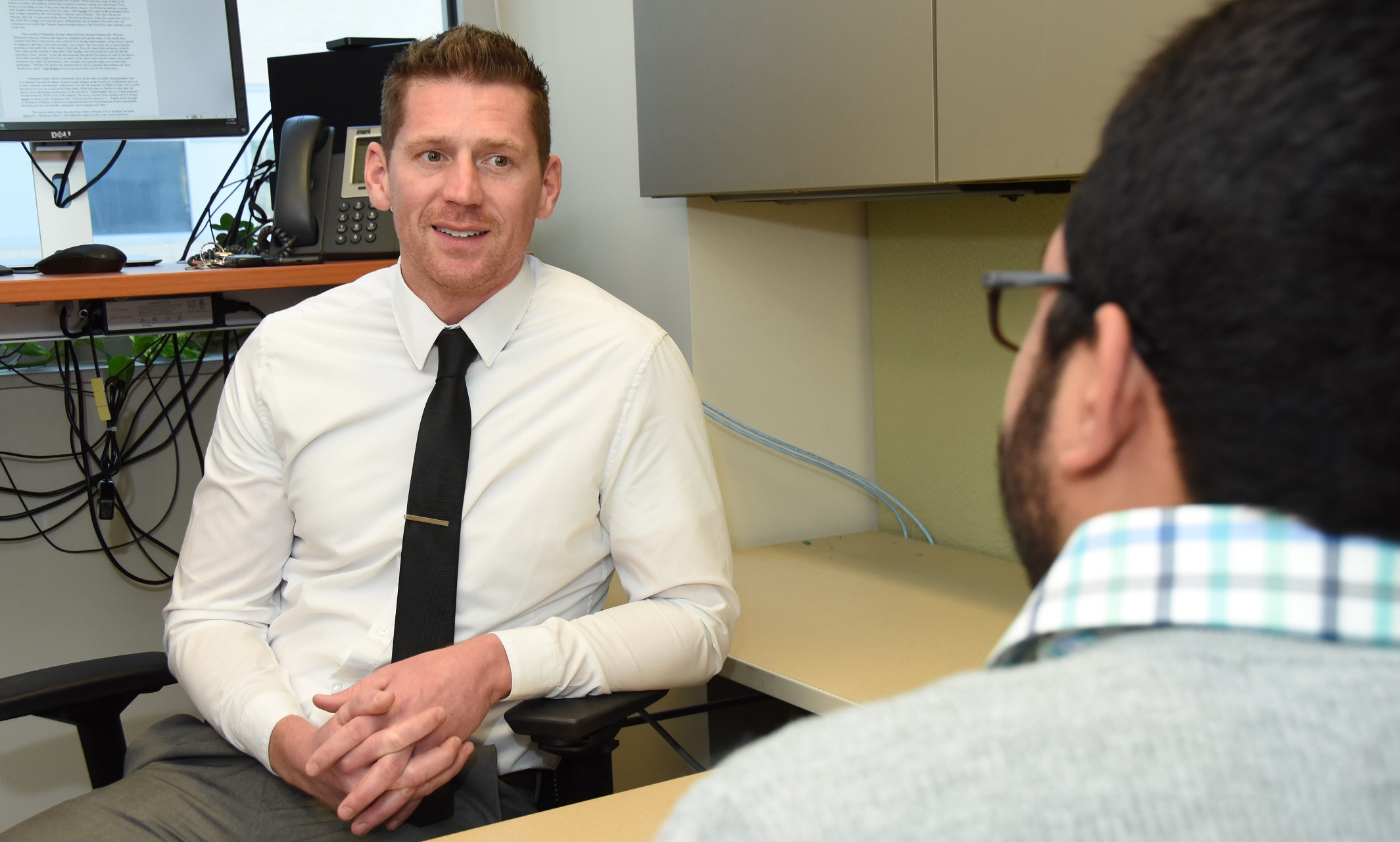
Joseph Lightner says plan aims to counter racism and its effects before they lead to chronic illness
Kansas City has a new, ambitious Community Health Improvement Plan addressing the underlying causes of poor health in the city, thanks in part to Joseph Lightner, an assistant professor in the UMKC School of Nursing and Health Studies.
Mayor Quinton Lucas appointed Lightner to the Kansas City Health Commission in spring of 2020, and he was co-chair of its committee that drew up the new plan. Cities revise their Community Health Improvement Plans, CHIPS for short, every five years as part of their national accreditation.
“The city’s plan drawn up in 2016 was innovative by focusing on social determinants of health — including homelessness, inadequate school finance, lack of transportation and access to health care — instead of the chronic health conditions that result,” said Lightner. He worked for the Kansas City Health Department as its liaison to the Health Commission before he joined the UMKC faculty in 2018.
“This 2022-2027 plan takes that one step further, acknowledging the systemic racism that’s underneath so many of the conditions that lead to poor health,” he said. “Kansas City is really a leader in focusing upstream at these causes, to try to solve the problem before it becomes the chronic diseases.”
That focus is needed, the plan says, as Kansas City has been identified as the fifth most racially and economically segregated city in the United States. Lightner, who has a master’s in public health and a doctorate in kinesiology, said the plan detailed goals for the city in six areas: public health infrastructure; safe and affordable housing; well-financed and trauma-informed education; violence prevention; implementation of Medicaid expansion; and equitable access to COVID-19 testing, vaccination and treatment resources.
“Even in a pandemic, most people die of chronic health conditions and the diseases they lead to, whether it’s obesity, diabetes, hypertension or something else related.” — Joseph Lightner, assistant professor
The pandemic showed the need for more public health capacity, Lightner said, especially in underserved areas. The plan notes that Missouri ranks 49th for state public health spending, making local and federal financing all the more important. The city does a good job with its own resources and attracting federal money, Lightner said, “but we need more.”
The plan starts by noting that the life-expectancy gap between ZIP codes with mainly white populations and those with mainly Black residents is wide, 18.2 years between the best and worst ZIP codes, and only grew wider from 2016 to 2019.
Though Kansas City’s health challenges are big, Lightner said the new plan’s goals could make a difference in the lives of thousands of residents. The plan was approved by the City Council, and resolutions and ordinances to advance several of the goals have already been introduced.
“Even in a pandemic, most people die of chronic health conditions and the diseases they lead to, whether it’s obesity, diabetes, hypertension or something else related,” Lightner said. “And people with these conditions, in poor health already, fare the worst from COVID.”
Lightner’s experience includes helping launch the nursing school’s undergraduate public health curriculum and getting students involved in innovative research that brings fitness and nutrition programs to area schools. He hopes his work on the Health Commission will further improve how the city tackles its health challenges.
“Working in the community is so important for our faculty,” he said, “to use our research to improve people’s lives and support the Kansas City community.”
Jun 16, 2021
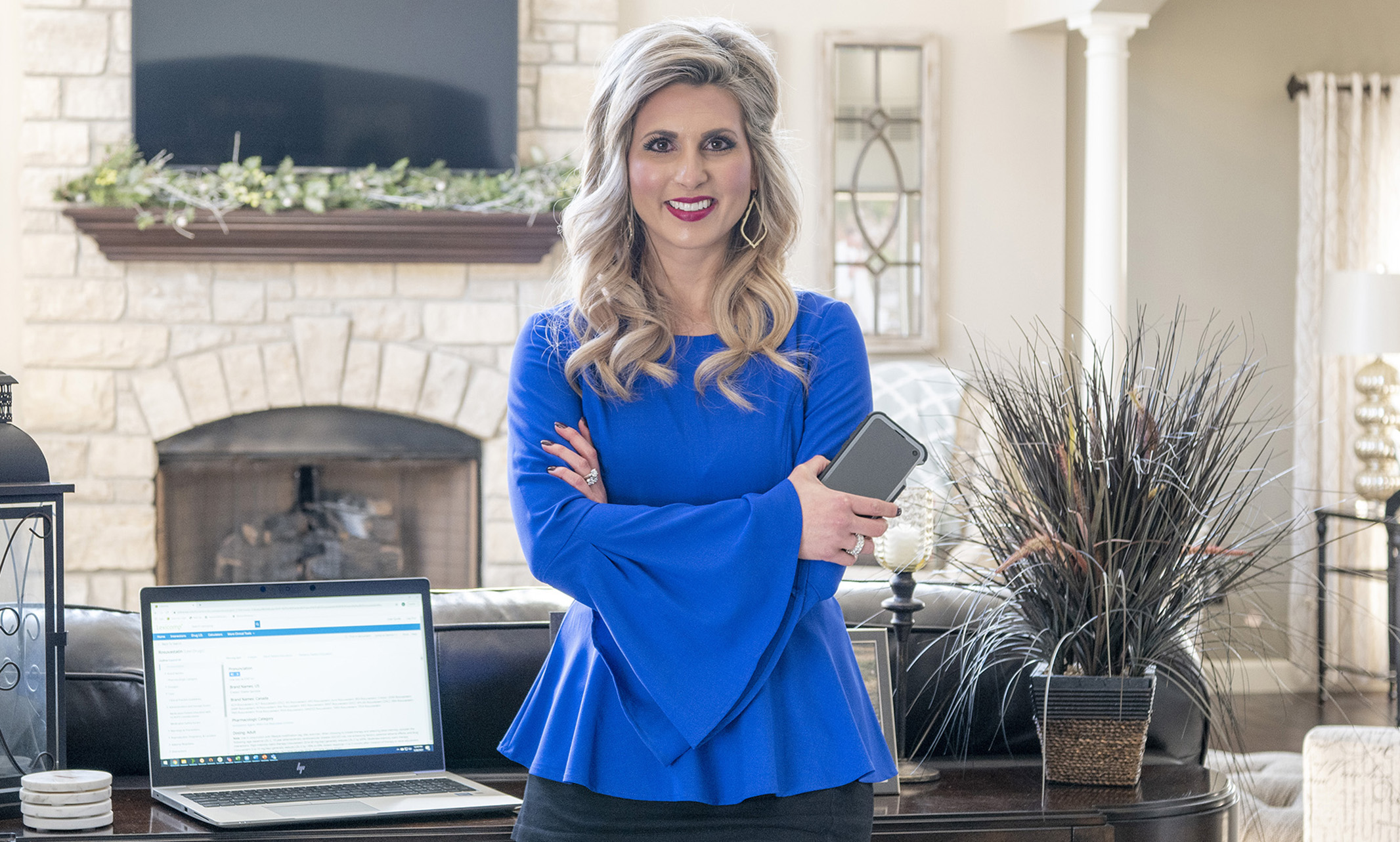
Katherine Lurk reflects on the opportunities that abound for School of Pharmacy graduates
A work-from-home pharmacist, Katherine Lurk (’10) supports TrestleTree clients across the country with drug education and medication therapy designed to drive behavioral changes toward improved health and lower costs. With her clinical expertise, she also plays an important role on the company’s business development team.
How would you describe your current job as a pharmacist?
For the past 5-plus years, I have served TrestleTree in a clinical capacity, supporting a National Health Plan. As a pharmacist, I support client members with medication therapy management and solutions for drug and disease related concerns. I maintain active pharmacist licensure in 46 states plus Washington, D.C. That enables me to work directly with members in all parts of the United States. Additionally, I provide consultative support to the client's team of nurse case managers and for internal team of Health Coaches. I have also recently joined the business development team, bringing my clinical expertise and knowledge of TrestleTree's in-depth training and model for health transformation to new clients. My ongoing goal in this role is to build relationships and promote business expansion with large employer groups and benefit consultants to create behavior change and sustainable health improvements for individuals and families across the country.
What does a typical day look like in your role?
Typically, I provide clinical support to health coaching participants directly through telephone interactions and indirectly via phone and email communication with TrestleTree Health Coaches and nurse case managers. I also work with the business development team seeking new opportunities for business growth, providing presentations for potential clients, developing and implementing a marketing strategy, and learning the inner workings of business operations. It has been a very humbling, yet exciting, experience to employ my clinical expertise in the business world.
What do you most enjoy about your particular job?
I enjoy my team and the leadership at TrestleTree. From the top down, this company is infused with goodness, kindness and compassion. And, we practice what we preach. We believe everyone deserves the opportunity to live in good health. TrestleTree has a mission to create sustainable change for individuals in all walks of life.
Why did you decide on Pharmacy as a career choice?
Growing up, I discovered a love for science, particularly chemistry. I chose pharmacy because of the diversity in career opportunities, along with the ability to develop a career that aligned with my life goals. I wanted to create a fulfilling, professional career with work-life balance that enabled me to enjoy my family, too.
What were your plans as a pharmacist when you started school?
Initially, I had a passion for oncology. I wanted to be an oncology specialty pharmacist providing expertise in this complex field, especially around medication management. After completing my first year of residency, my plans changed and propelled me into a completely different area of practice.
How do you see the roles of pharmacists continuing to evolve in the future?
Opportunities for pharmacists continue to expand beyond traditional roles. Pharmacists possess a unique skill set that can be applied in research and business-driven roles along with clinical and industry specializations. With a recent transition to the business side, I have experienced first-hand the value of clinical knowledge and experience when sharing the inner workings of a company focused on improving health and optimizing clinical outcomes.
What would be your best advice for someone thinking about a career in pharmacy?
Keep an open mind and always look for unique opportunities. Be mindful of pivot points in your journey, the key decisions that will determine your path and the direction of your life. Embrace leadership roles early and throughout your education and develop relationships with instructors and peers.
Why should someone pick the UMKC School of Pharmacy?
UMKC offers a strong pharmacy education with many opportunities for students to explore their interests and develop their passions. It is also incredibly unique that the School of Pharmacy is located on Hospital Hill with the medical, dental and nursing schools creating a collaborative environment for learning and a team approach to clinical practice.
How did your time at the UMKC School of Pharmacy help prepare you for your current role as a pharmacist?
UMKC's rigorous academics provided me strong clinical skills and knowledge that I built upon during residency and years of clinical practice. I also embraced leadership opportunities in various organizations and worked closely with faculty and staff. These relationships proved to be valuable for referrals into internships and residency programs, and many of them remain part of my pharmacy network today.
What do you do outside of work for fun?
I enjoy spending time with family and friends, nice dinners, summers on the water, and watching my kids play the sports they love. Being a mom is the best and I'm grateful for a career that provides a balance between family and work.
Jun 16, 2021
A KCUR conversation with the artist of the Corbin Roo
In addition to the kangaroo, Tom Corbin just finished work on a bronze life-size statue of President Harry S. Truman that will eventually find its home in Washington, D.C.
Jun 15, 2021
KCTV5 reports on Kansas City area colleges' requirements for COVID vaccine
Many area colleges are strongly recommending, yet not requiring the vaccine; Ottawa University, Mizzou, UMKC, UCM, Park University, Pittsburg State, MCC , KCKCC, JCCC and Benedictine College. Read the full article and watch the newscast.
Jun 15, 2021
KSHB features Judy Jacobs, UMKC alumnus and 2016 Defying the Odds Alumni Association Award winner
Judy Jacobs received an MBA and a Ph.D. from UMKC. Jacobs received the 2016 Defying the Odds Award from the UMKC Alumni Association. Read the story and watch the newcast.
Jun 14, 2021
KCUR features UMKC School of Education alumnus Khalil Jones
Khalil Jones spent most of the year teaching English Language Arts to his East High School students from his bedroom. He recently graduated from the University of Missouri-Kansas City. Read more from KCUR.
Jun 14, 2021
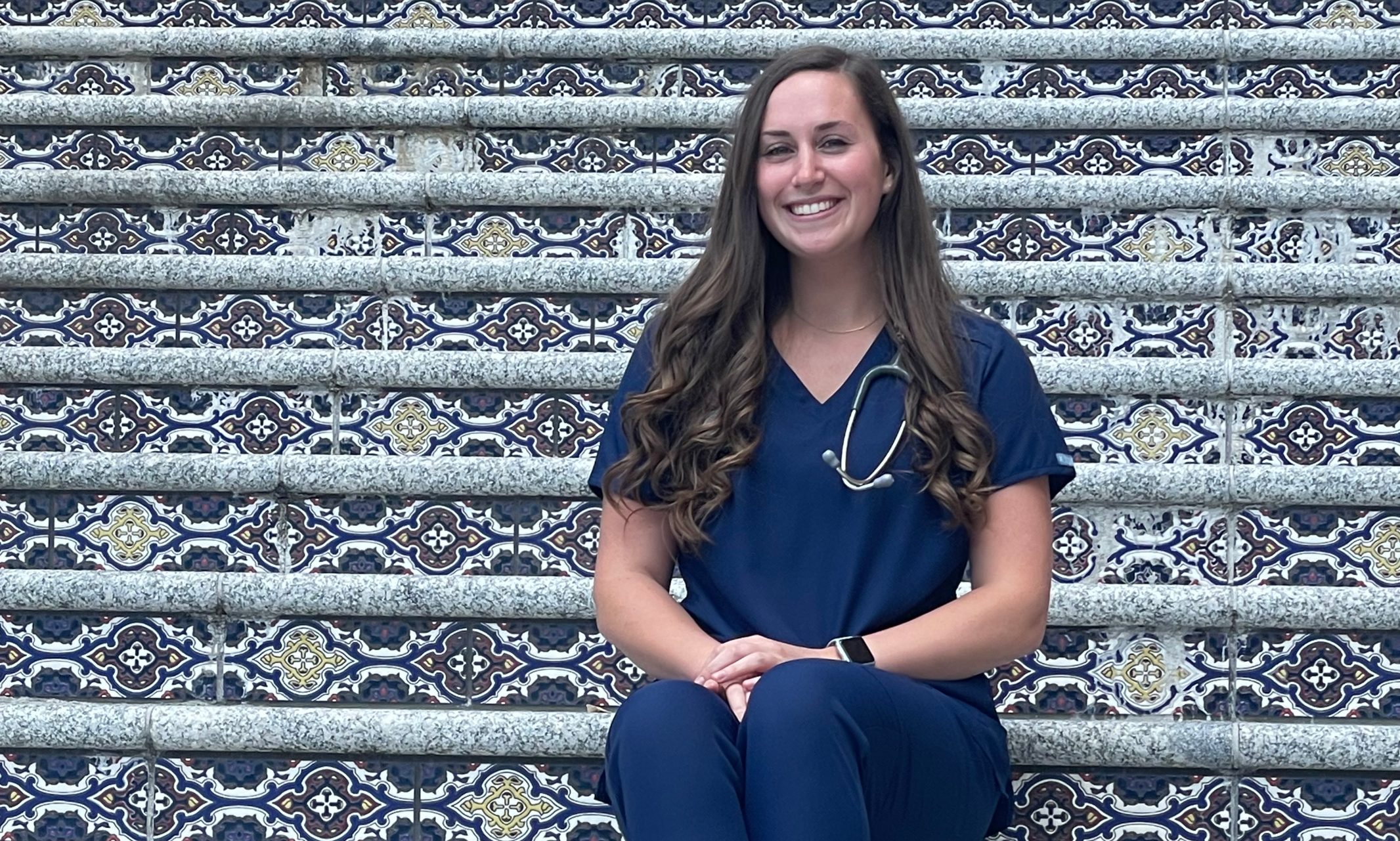
Meet five recent UMKC graduates who went straight from campus to the first stage of a rewarding career
More than 2,300 UMKC students participated in commencement exercises at Kauffman Stadium in May, and many of them went straight from campus to ballpark to the first stage of a rewarding career.
Meet four members of the UMKC Class of 2021 – and one who returned to celebrate her 2020 graduation in a pandemic-delayed ceremony.
Courtney Collins ’21
Henry W. Bloch School of Management
Where will you be working, and what excites you about this opportunity to launch a career?
I will be doing the Estee Lauder summer internship. There are about 100 interns from across the country that are placed on teams. Estee Launder has 25 to 30 brands in everything from cosmetics to skincare to fragrances. I will be the marketing intern for two of the luxury fragrance brands. Some of my responsibilities will include working with budding influencers and learning and reviewing customer insights. I’m excited to put what I have learned at UMKC into practice and hopefully have a full-time offer by the end of summer.
How did your UMKC education make this possible?
I made a ton of great connections through the Bloch School. I completed a full-time internship with SkillPath in Kansas City. I was also on executive boards for both a business fraternity and a social sorority. Those helped to really round out my experiences on campus and helped me develop skills that were easily translatable in interview situations. In the spring of 2020 I completed a study abroad program in Spain where I was able to take an international marketing class. My professors abroad were super helpful in giving insight on the international marketing industry, so that helped open up a door for me that I could pursue.
Courtney Collins
What are your long-term career goals?
I had this running joke with my friends, because UMKC has so many specific programs like pre-law and pre-med, I would tell people that I’m pre-CEO. It’s what I would love to do, be a leader of a group or an organization. It’s truly humbling to be in those positions. I would also love to be a brand manager or do something in the creative field. But in the long run I would love to potentially start my own company.
"Because UMKC has so many specific programs like pre-law and pre-med, I would tell people that I’m pre-CEO." — Courtney Collins
Jacob Furry ’21
Conservatory
Where will you be working, and what excites you about this opportunity to launch a career?
I'll be teaching K-5 general music at Welborn Elementary School in Kansas City, Kansas Public Schools. I'm looking forward to applying what I've learned during my time at UMKC to my own classroom this fall! I'll be teaching music to more than 500 kids at Welborn, which seems a bit daunting, admittedly, but I'm confident it will be very fulfilling. It's inspiring how much KCKPS supports the arts, and I'm excited to start my career within that community.
How did your UMKC education make this possible, in terms of classes, extracurriculars, internships, service-learning opportunities, networking opportunities, etc.?
The thoroughness of the curriculum in the music education program at UMKC and the overwhelming support I've received from the faculty has allowed me to approach my first year of teaching with confidence. I know I don't have all the answers, and that I'll undoubtedly struggle as a first-year teacher, but UMKC has given me mentors and colleagues that I can always lean on for support.
Jacob Furry at Welborn Elementary School
One of my favorite things about the music education program at UMKC is the large amount of time pre-service teachers are able to spend in real classrooms. During my time at UMKC, I had observation/student teaching placements in four schools across three districts in the KC metro area, ranging K-12. These placements offered a wide breadth of experiences working with many different kinds of students, allowing me to figure out exactly what I enjoyed doing the most. I landed on teaching elementary music!
"I had an amazing experience with undergraduate research while a student at UMKC, and I was even able to present my work at a national music education conference this year." — Jacob Furry
What are your long-term career goals?
I definitely plan on going back to school in the future. I had an amazing experience with undergraduate research while a student at UMKC, and I was even able to present my work at a national music education conference this year. I've found that education is a very dynamic field. We're always learning new and better ways to help students succeed, and I loved being able to make a small contribution to that evolving knowledge base through my own research. After I get some real-world teaching experience under my belt, I'd love to do more of that.
Tami Greenberg ’20
Henry W. Bloch School of Management
Greenberg has served as CEO of Ronald McDonald House Charities of Kansas City for six years, and will continue in that role after earning an Executive Master of Business Administration degree.
Where will you be working, and what excites you about this opportunity to enhance your career?
I undertook the Executive MBA journey not to “launch” my career, but to enhance and strengthen it. I am excited about demonstrating in my daily role the things I learned in the program, including leadership, strategy, business acumen, financial management, advocacy, marketing, innovation, influence and persuasion.
Tami Greenberg, third from left in front row, with her EMBA cohort at commencement
How did your UMKC education make this possible?
I enjoyed how we moved through in a cohort learning model. Our group became very close, and we learned not just from our professors and classes, but also from one another. I believe strongly that “sharp knives make each other sharper,” and I am grateful for all the “sharp knives” I got to know through my UMKC executive education. And I would be remiss if I did not mention all the extraordinary guest speakers – I felt lucky to have such access to the leaders who visited our program. One of the promises of the EMBA at UMKC is “you learn something on Saturday, that you put into practice the following Monday.” I found that to be true while I was actively in the program, and it continues to be true now.
What are your long-term career goals?
It is an honor and privilege to keep families close to their seriously ill children. With three Ronald McDonald Houses and a Ronald Family Room here in Kansas City, we serve 87 families with sick kids every night. My long-term career goals are to be the best possible leader for this organization, to ensure that we are delivering our mission with excellence and care, and to maintain the highest possible business standards in leading this team and this work.
Fiona Isiavwe ’21
Henry W. Bloch School of Management
Tell me how you found the job opportunity with Deloitte, what is your title there and what excites you about this opportunity to launch your career?
I will be starting off as an audit assistant with Deloitte. I was on the executive board of four student organizations, serving part-time as a Supplemental Instruction Leader and enrolled in 15 credit hours, while maintaining a 4.0 cumulative GPA when a national recruiter with Deloitte reached out to me via Handshake. Deloitte is filled with some of the brightest minds across the globe. I am excited to be able to work alongside such incredibly talented people, learn and continually challenge myself, and have fun during the process!
How did your UMKC education make this possible, in terms of classes, extracurriculars, internships, service learning opportunities, networking opportunities, etc.?
I remember when I was first scouted by my recruiter, she remarked that my Handshake profile had stood out to her from the others. My access to Handshake was provided through the UMKC Bloch career services department. My academic achievements were a testament to the academic resources available at UMKC. At the Bloch school, I was surrounded by faculty who believed in me and took the time to mentor and encourage me.
Fiona Isiavwe
In addition, the academic resources available like Supplemental Instruction, the tutoring center, writing studio and labs were of huge help to my academic success and I found the networking opportunities organized by the Bloch school to be worthwhile. I remember always leaving feeling ignited upon listening to the experiences of Bloch alumni and guests. Their stories made me feel like my dreams were valid, possible, and attainable.
"I want others to see that their hopes and dreams are valid, possible, and attainable." — Fiona Isiavwe
What are your long-term career goals?
I am grateful for this opportunity and hope to work my way up, gaining as much insight as I can along the way. I hope to venture into special projects back home in Nigeria and across the globe, give back and be a testament to those in positions where I once was. I want others to see that their hopes and dreams are valid, possible, and attainable.
Emma Stark ’21
School of Nursing and Health Studies
Stark will be working at North Kansas City Hospital as a nurse technician until she takes her Nursing Licensure Exam and will then start her role as a critical care nurse.
Where will you be working and what excites you about this opportunity to launch a career?
I will be working at North Kansas City Hospital as a critical care float nurse, working in the hospital’s various intensive care units as well as the emergency department. I am excited to continue working on the front lines serving the greater Kansas City area. Nursing is an ever-changing and growing career field and I am excited to continue learning every day.
How did your UMKC education make this possible?
UMKC opened many doors for me within my field. I was provided almost double the clinical hours of many other programs and this allowed me to develop connections with many leaders within the nursing profession. UMKC also made sure I was able to experience different nursing settings and hospitals so I could determine my passion. My first-ever clinical placement is actually how I discovered North Kansas City Hospital and fell in love with their mission.
What are your long-term career goals?
I know I want to pursue higher education. I want to help reform the health care system in our country and make health care more accessible to the entire population. I have a passion for helping people and I specifically want to make a difference in impoverished and underserved communities.
Jun 14, 2021
Signature new program provides unique system of personalized support to help students graduate career-ready
Mako Miller, M.A.Ed, an experienced educational professional with an extensive background in career development, has been named director of the Professional Career Escalators program, the university’s signature new program providing a unique system of personalized support and services to propel students from their educational aspirations to good-paying careers.
The Career Escalators program, a centerpiece initiative of the UMKC Forward plan, will launch in Fall Semester 2022.
Miller comes to UMKC from Kauffman Scholars, where she has served as Career Services Manager for the last four years. She is past president of the Missouri Career Development Association, current president of the Kansas Association of Colleges and Employers and co-founder of Young Professionals of Color-Kansas City. She holds degrees from UMKC and Kansas State University, and has served on the UMKC School of Education Alumni Association Board of Directors.
Her role at Kauffman Scholars has included planning and implementing comprehensive career development experiences for college students, while developing ongoing relationships with Kansas City-area employers to facilitate connections with students.
“Mako comes to this position with a strong network of connections in the Kansas City community,” said Kristi Holsinger, Ph.D., senior vice provost for student success. “Her innovative thinking and enthusiasm will allow her to be a strategic, collaborative leader and a strong contributor to UMKC’s Culture of Care.
The escalators will be open to all admitted students, but the program is built on research and best practice that support UMKC goals to increase retention and graduation rates of underrepresented, first-generation and Pell-eligible students. At Kauffman Scholars, Miller created Roundtable Represent, a program that intentionally recruits professionals of color to connect and network with students to discuss issues around diversity, equity, and inclusion in the workplace and build relationships that allow students to see people who look like them in professional settings.
The initiative supports two key missions of the university: student success and community engagement. It will include applied learning experiences in the community, mentorship, support for admission to advanced professional education, and leadership training. Initial professional focus areas for the escalators, based on workforce need and personal career opportunity, include healthcare, education, engineering/business and law/justice. Others will be added in the future in response to workforce demand trends.
The program components are shaped by empirical evidence on the most effective contributors to student success in higher education. Each escalator will be created in alignment with the academic discipline and provide meaningful and ongoing experiences in the following areas:
Career Discovery, Guidance & Development
Mentoring and Assessment with Student Support Referrals
Applied Learning Experience (such as internship, job shadowing, service learning)
Professional Access Preparation (such as test prep, personal statement, interviews, letters of recommendation, timelines)
Leadership Development Credential (focusing on inclusive excellence, attaining durable/essential skills)
Jun 14, 2021
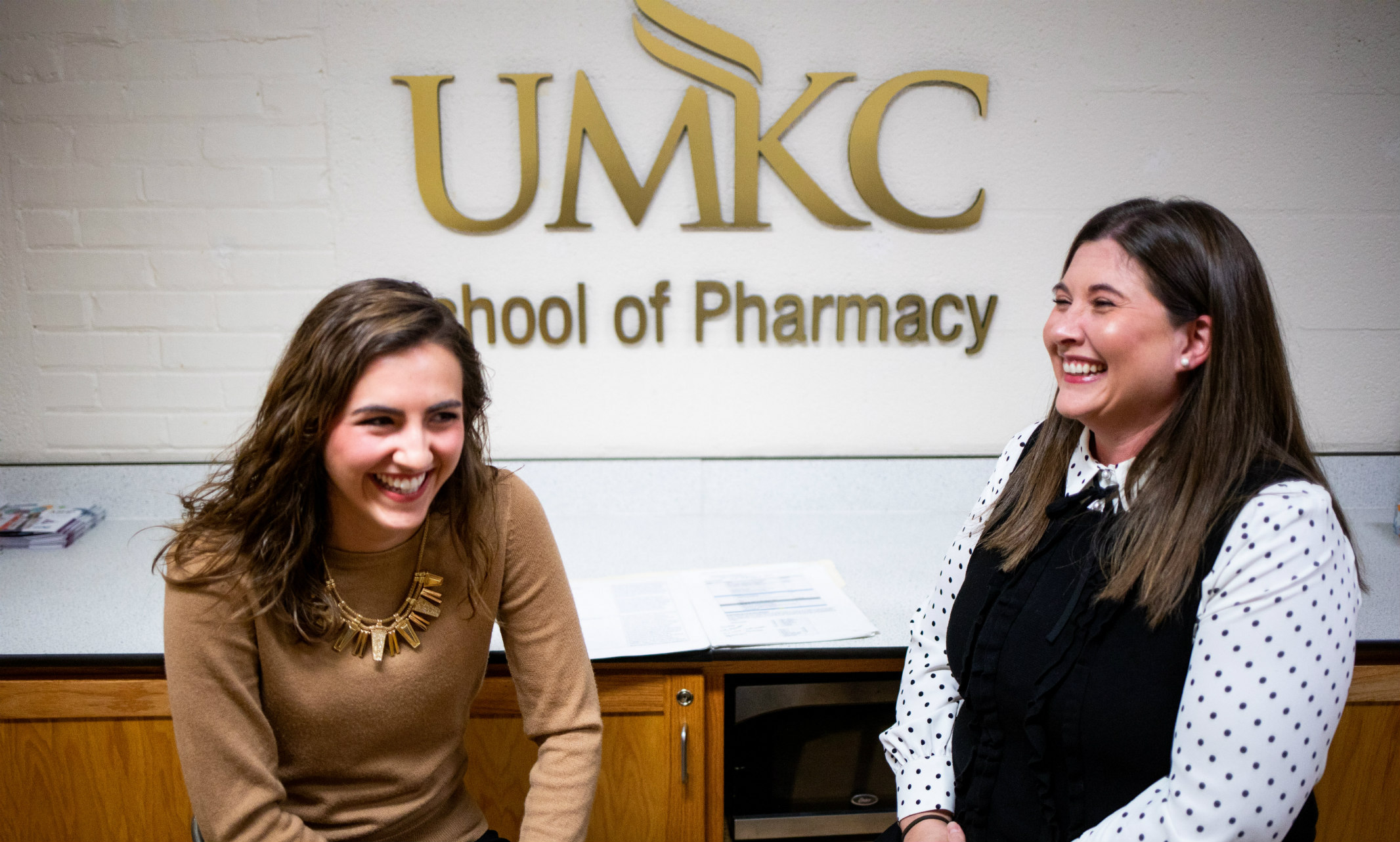
Dynamic duo at Columbia campus cares for farmers
The heart of UMKC is our campus community. With lots of opportunities, it’s easy to develop student mentorship teams. And these rich relationships—our Dynamic Duos—are some of our best success stories.
Growing up in a farm family, Kelly Cochran’s passion is spreading the message that rural healthcare needs to be a top priority in Missouri and throughout the U.S.
“We need to take care of the people who are feeding us,” says Cochran, a clinical associate professor at the University of Missouri-Kansas City School of Pharmacy in Columbia, Missouri. “Farmers often don’t have healthcare close by, and it’s challenging for them to take the time off to see a provider.”
So Cochran and her pharmacy students deliver health care to farmers.
They’re part of Pharm to Farm, a statewide outreach program of the Missouri AgrAbility Project, that helps farmers identify medical risks through their local pharmacist. In many rural Missouri areas, pharmacists fill healthcare gaps and are the first face farmers see for their health and safety.
“This program has inspired me to be more outgoing. Through my experiences, I feel that I am gaining communications skills that will help me as a pharmacist.” - Cassidy Jones
Cassidy Jones (PharmD '22) chose the UMKC School of Pharmacy campus in Columbia, Missouri, because it is near the rural community she plans to work in.
The UMKC School of Pharmacy faculty-student teams conduct health screenings at farms and events. With Cochran’s mentorship, Cassidy Jones (PharmD ’22) planned the UMKC School of Pharmacy screening at the Great Plains Growers Conference at Missouri Western State University in St. Joseph, Missouri.
It meant scheduling shifts for students to conduct health assessments including taking blood pressure and asking questions about medication — not an easy task because it was a volunteer duty three hours from the Columbia campus and an hour away from the Kansas City location. Students from the Springfield campus work at events, too, but since this one was nearly five hours away during a break, they sat this one out.
“I started planning this event shortly after the semester began in August,” says Jones, who grew up on a small farm in Auxvasse, Missouri, about 30 minutes from Columbia.
Because Jones shows horses, it was important for her to be close to home for her studies, which is why she chose the UMKC School of Pharmacy campus at the University of Missouri in Columbia. After she graduates, she hopes to work as a pharmacist in Mexico, Missouri, surrounded by farms nearby.
“This program has inspired me to be more outgoing,” Jones says. “I am usually very shy, but in the future, I will need to have the confidence to counsel patients, consult with physicians and be a leader in the pharmacy. Through my experiences, I feel that I am gaining communications skills that will help me as a pharmacist.”
Cochran enjoys mentoring students like Jones.
“We need to take care of the people who are feeding us. Farmers often don’t have healthcare close by, and it’s challenging for them to take the time off to see a provider.” - Kelly Cochran
Kelly Cochran, at left, grew up on a farm, and is passionate about teaching pharmacy students such as Cassidy Jones, at right, about rural healthcare.
“My favorite part is seeing students find success in their future career paths,” she says. “In particular, when they recognize their roles as servant leaders and advocates for health and medication safety among the rural communities they will serve.”
At the growers conference, Jones lugged in a rolling cart filled with boxes of supplies and pamphlets that filled the trunk of the car she shared with Cochran on the drive from Columbia. One leaflet was called “Standing Tall to Prevent Falls,” the most frequent accident to occur on farms. Another was “Better Sleep for the Farmer Stuck Counting Sheep” about sleep hygiene — a study found that farmers who slept less than normal experienced 7.4 times higher risk of having balance issues, which could lead to poor work or an injury.
Jones and others set up wayfinding signs to the UMKC School of Pharmacy health-screening area, tucked away from the flow of the conference to give farmers and growers privacy.
“You might want to walk around and let people know we’re here,” Cochran suggested to Jones. “They’ll probably respond to students better than a faculty member like me.”
Soon after Jones launched her recruiting mission, men and women trickled in.
“I haven’t been to a doctor in eight years,” says Matthew Shoop, a row-crop farmer from Platte County. After his screening, he says health screenings are needed for farmers like him. Stress, among others things, is common because of the unpredictability that goes hand in hand with the career.
“If not for this screening, I don’t know when I would have been seen.”
“My favorite part is seeing students find success in their future career paths. In particular, when they recognize their roles as servant leaders and advocates for health and medication safety among the rural communities they will serve.” - Kelly Cochran
Cassidy Jones, a pharmacy student at left, spent months preparing for a health screening at a growers conference in St. Joseph, Missouri.
The Need for Rural Health Care in Missouri
By the Numbers
98 of 101 Rural counties in Missouri are considered primary care Health Professional Shortages Areas. 2- to 4-fold Medicine can increase risk of injury while using farm equipment. 10+ Miles that many of Missouri’s residents live from the nearest drugstore. Many rural residents live even farther from primary-care doctors and specialists.
Health of Farmers
Common issues
Chronic obstructive pulmonary disease and diabetes are more prevalent in rural areas.
Incontinence, sleep deprivation, pain and heart disease increase the rate of farm accidents.
Medicines often cause dizziness, confusion, drowsiness, blurred vision, lightheadedness and gait problems — increasing injuries on farms.
Farmers’ stoic nature often prevents sharing health concerns with family members and friends.
UMKC School of Pharmacy care through Pharm to Farm faculty and students
They help farmers identify medicines that might be of risk to them.
They talk about ways to improve safety on the farm.
They conduct health screenings.
They work with pharmacists raised in non-rural areas to teach them about farm values: independence, pride, thrift, skepticism and a strong work ethic.
They also talk about safety barriers in rural settings such as long work hours and seasonal deadlines.
Jun 12, 2021
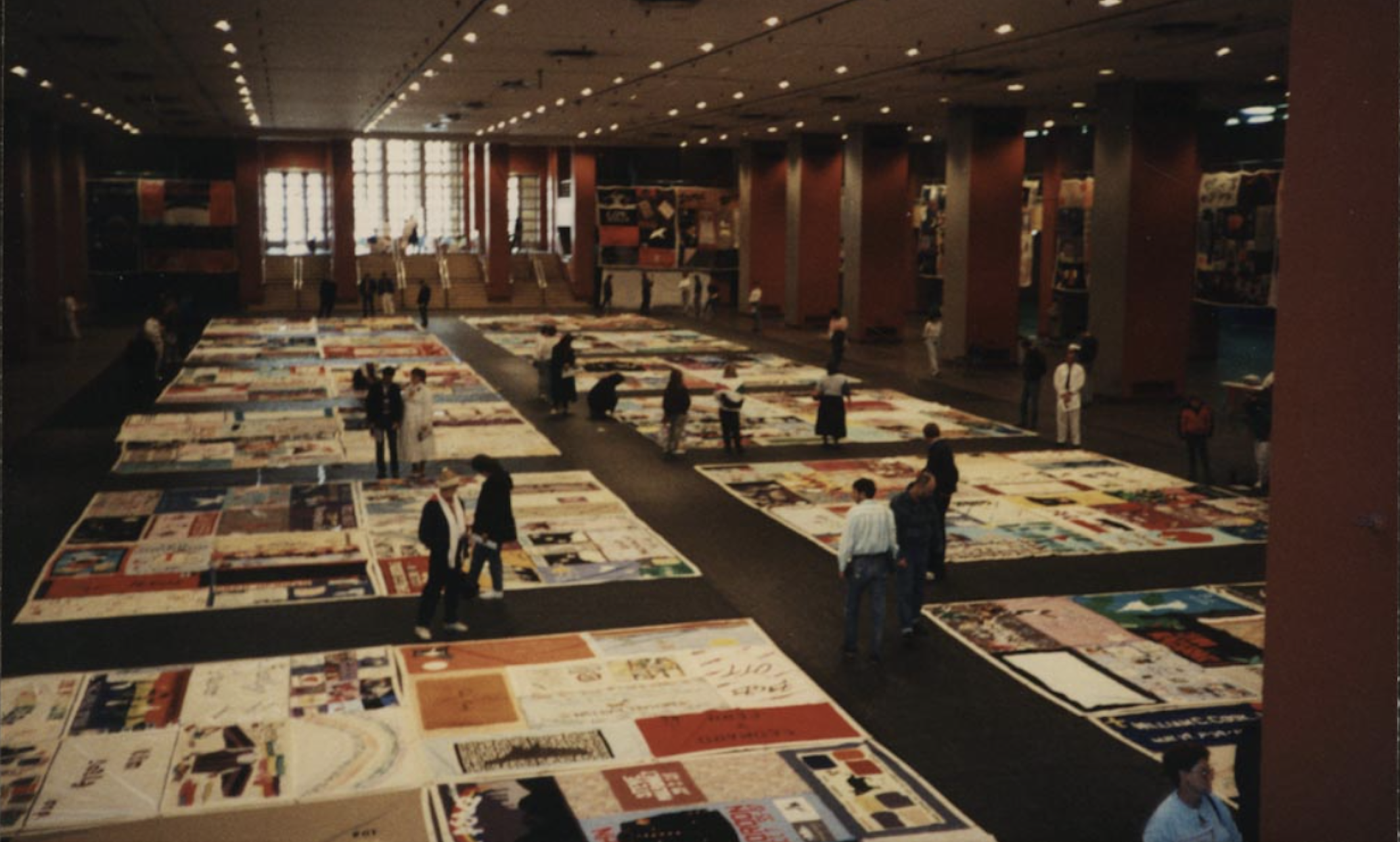
UMKC professor’s gift increases collection security, longevity
When Linda E. Mitchell, Ph.D., professor of history and the Martha Jane Phillips Starr Missouri Distinguished Endowed Professor of Women’s and Gender Studies at UMKC, began to think about estate planning, she decided to create an endowment fund for the Gay and Lesbian Archives of Mid-America (GLAMA.)
Mitchell’s academic career has focused on women’s, gender and sexuality studies, mostly in reference to the history of women and families in the Middle Ages. The combination of her research in medieval studies and gender and sexuality revealed that historically, gender has never been seen as simply a binary, despite what some people may think.
“This is what happens when you study history,” she says. “Situations were often more complicated than people try to make them.”
Because of her mentoring of students in history and women’s, gender and sexuality studies, Mitchell was familiar with GLAMA’s mission to collect, preserve and make accessible materials that are part of the lesbian, gay, bisexual and transgender (LGBT) communities’ history in the Kansas City region. GLAMA is housed in the LaBudde Special Collections at the Miller Nichols Library, and Mitchell has worked closely with Stuart Hinds, curator of special collections, on developing research projects for students in the archival collections housed at La Budde, including those that form part of GLAMA.
In addition to her professional interest, Mitchell’s connection to the collection is personal.
“My brother and his husband are two of the most important people in my life,” Mitchell says. “As I began making plans for my estate, I wanted to support GLAMA in their honor. I contacted Stuart to see if the archives had an endowed fund.”
Close-up of AIDS Memorial Quilt display Kansas City Municipal Auditorium, 1991
Hinds confirmed that GLAMA did not have an endowment, and Mitchell decided to create the Bill Mitchell and Jeff Halpern Endowment for GLAMA.
“I felt that establishing this endowment was tremendously important,” Mitchell says. “We are seeing even now attempts to erase and denigrate the history of underrepresented groups—such as women and people who do not identify themselves in binary-gendered ways—and this fund can provide some security for the collection.”
Hinds recognizes the importance in compiling the documentation of the LGBTQIA community in Kansas City that reflects a history that was previously left out of the traditional local historical narrative.
“The value inside the community really centers around preservation,” Hinds says. These stories, photographs and materials are preserved, and they're given a long-term home so they don't disappear. Over the years many donors have told me that one of the reasons they were interested in donating is because they were concerned that their family might not see the value in these memorabilia and throw it away.”
"Kansas City is lucky to have GLAMA. The archives improve the national perception of the city." — Linda E. Mitchell
While the loss of personal stories is concerning, the significance of preservation is inclusion on a broader scale.
“We're really at a moment where we're trying to incorporate a much wider variety of stories in the American historical narrative, some of which aren't very pleasant,” Hinds says. “It's the job of these kinds of archives to broaden that inclusion so historians can accomplish the work that they are trying to achieve.”
“Kansas City is lucky to have GLAMA,” Mitchell says. “The archives improve the national perception of the city. It’s not only barbecue and football. We live in one of the most culturally rich and complex cities in the country. GLAMA is a great component of that diversity.”
Jun 11, 2021
KSHB taps William Black for story about consumer prices
While spiking demand and limited supply is driving up prices, William Black, associate professor of economics and law at the University of Missouri-Kansas City, said inflation is not happening everywhere. Read the article and watch the newscast.
Jun 10, 2021
Nathan Mauck weighs-in for KCTV5
“I think there are multiple reasons why folks are staying out of the workplace,” said UMKC Associate Professor of Finance Nathan Mauck. Mauck believes some unemployed people have been reluctant to look for work because they fear catching the virus. Read the full article and watch the newscast.
Jun 10, 2021
Yahoo Finance consults with UMKC Bloch Assistant Professor of Health Administration Christopher Garmon
“You go to an emergency room that’s in your health plan’s network, but you’re treated by a physician there that’s not in your network, or you schedule a surgery and your surgeon’s in network but then it turns out the anesthesiologist is out of network,” Christopher Garmon, assistant professor of health administration at University of Missouri-Kansas City, told Yahoo Finance.
Jun 10, 2021
KSHB reports on Courtney Frerichs' Olympic Trials run
UMKC alum Courtney Frerichs is hoping to get a second shot at an Olympic gold medal during the 2020 Tokyo Olympic Games. Read the article and watch the newscast.
Jun 10, 2021
UMKC student Alexej Savreux has rereleased a collection of poetry that runs the gamut from broken hearts to complex physics theory.
Alexej Savreux is currently a year into a graduate degree in theater tech at the University of Missouri-Kansas City and recently became a sponsored poet at Poetry for Personal Power. The position uses poetry and art to uplift and support people in need, particularly those with mental health diagnoses. Read the story from KCUR.
Jun 10, 2021
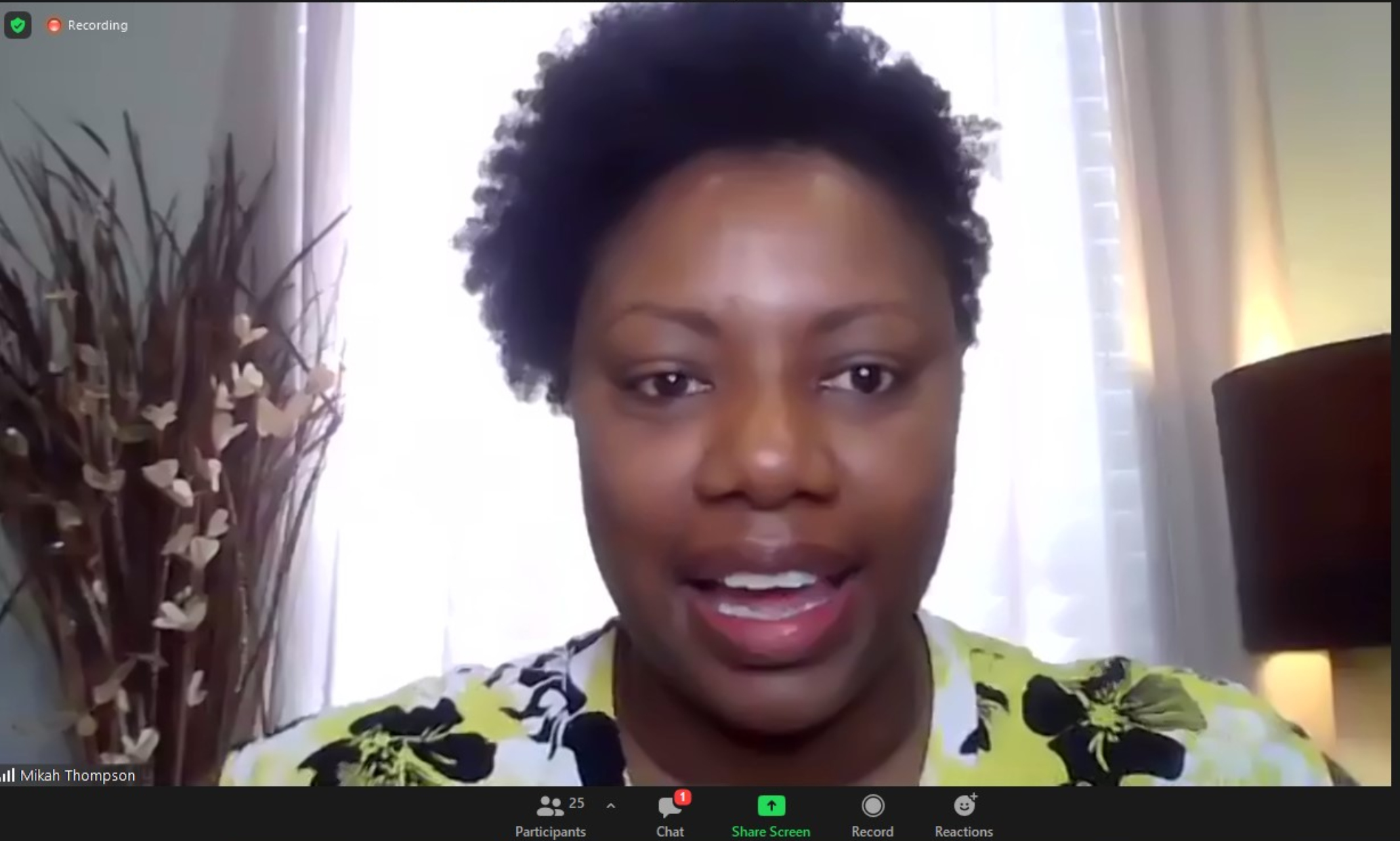
UMKC Law faculty and alumni play major role in effort to attract urban youth to careers in law
Throughout the month of June, lawyers, judges and law professors are working with urban high school students to introduce them to the legal system and pique their interest in legal careers. UMKC School of law faculty and alumni are playing a major role.
The program is called the Student Law Academy, and it is sponsored by the Kansas City Metropolitan Bar Foundation and PREP-KC, an organization that works with urban school districts in the Kansas City metro to help young people explore their futures.
During the month-long program, high school students will participate in information/mentoring sessions with lawyers, judges and professors on topics such as the Life Cycle of a Lawsuit, Persuasive Public Speaking, Negotiating Styles, TV vs. Reality and School Speech and the First Amendment.
“Participating in the Student Law Academy is just one example of our commitment to engage with and serve the community,” said Lorie Paldino, assistant director of Law Admissions for the UMKC School of Law. “Through this program, we are building bridges connecting the community, the legal profession and our students, faculty and alumni to each other, providing valuable opportunities for access, knowledge and networking.”
UMKC School of Law faculty leading Academy sessions include Sean O’Brien, Mikah K. Thompson and Daniel B. Weddle. Among the many UMKC alumni participating are Dana Tippin Cutler and Keith A. Cutler, Tim Dollar, Jolie Justus, Sherri Wattenbarger, Michelle Wimes and the Hon. J. Dale Youngs.
“The Kansas City Metropolitan Bar Foundation values diversity in the legal profession. Our Student Law Academy program allows our local legal community to take active steps to provide underserved high school students, who would not otherwise have the opportunity, meaningful exposure to different careers within the legal profession,” said Jill M. Katz, 2021 foundation president. “One goal of the academy is to help students create connections with lawyers and judges. These connections are crucial for students as they explore what their futures hold.”
Jun 10, 2021
UMKC's Jenifer Allsworth weighs-in for Flatland article
Jenifer Allsworth, an epidemiologist and professor at University of Missouri-Kansas City School of Medicine, said that had the study been done a few months ago, the states’ rankings would have been more closely aligned. But vaccination rates in Kansas have gone up while infection rates have gone down in recent weeks. Read the article.
Jun 09, 2021
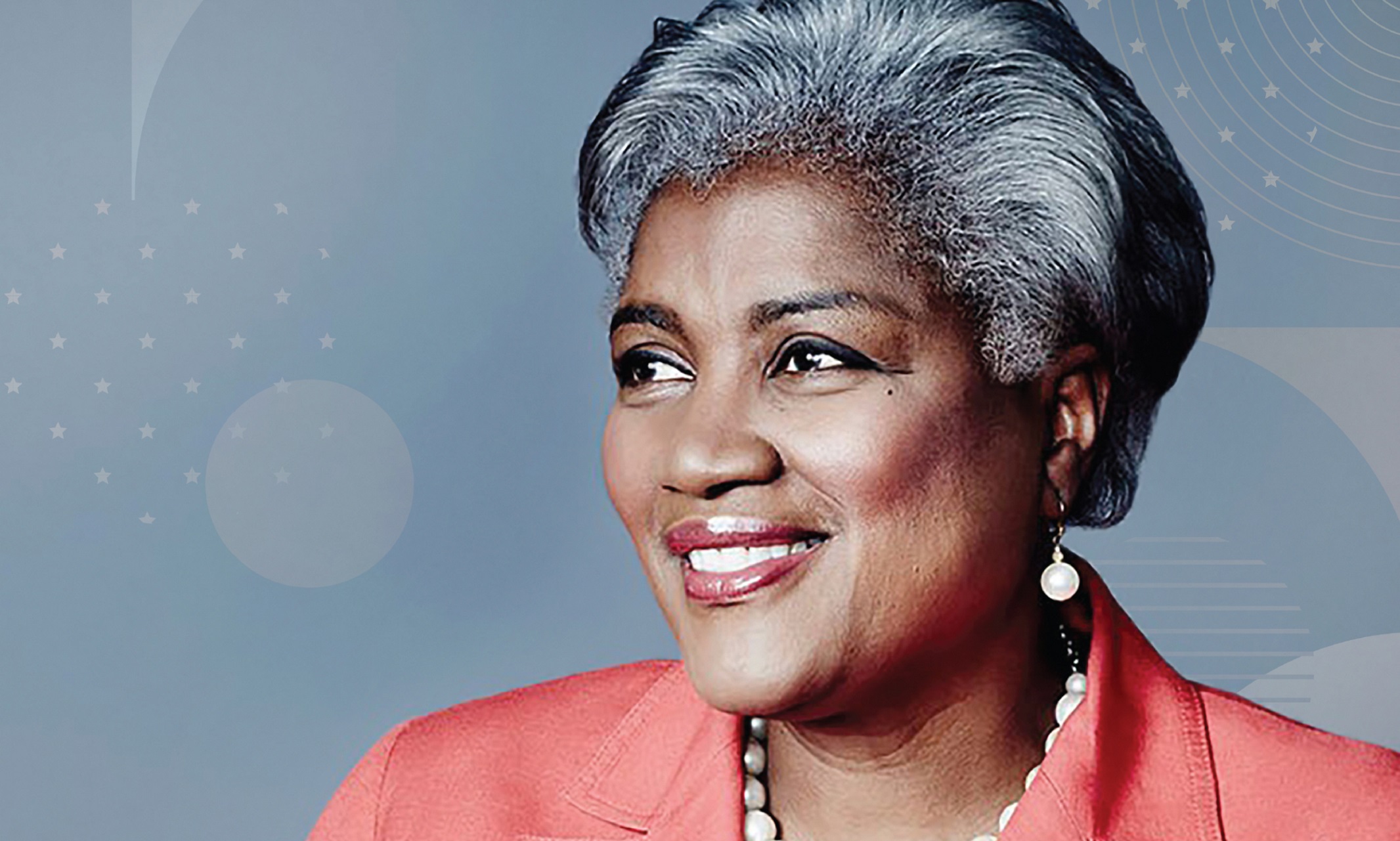
Keynote speaker for Leadership Conference Donna Brazile evokes past leaders to inspire continued action
Donna Brazile, in the keynote address for this year’s Women of Color Leadership Conference, praised women of color for refusing to give up or give in to the forces trying to hold them back.
Brazile, a longtime Democratic Party leader, also encouraged the members of her virtual audience to keep using their voices to further the dream of a just, inclusive America.
In an address rich in cultural, historical and culinary references, Brazile said America was strengthened by its diversity and needed to include everyone to be at its best. She said women of color put the “Still” in this year’s conference theme, “Still We Rise.” And she likened women of color to the roux in gumbo, binding everything together and giving the dish spice and body. Without the roux, she said, there’s no gumbo. “It’s just soup.”
Brazile also paid homage to Kansas City, saying its communities of color had made vital contributions to American culture, from barbecue to “Charlie Parker’s saxophone.” And she praised the Black entrepreneurs who turned the 18th and Vine area into a vital district long ago, including the Gem Theater and the stadium for the Kansas City Monarchs of Negro Leagues Baseball fame.
She also remarked on the Kansas City community’s courage a century ago and wondered how its members must have felt when they learned of the massacre that occurred not so far away in Tulsa, Oklahoma. She marveled at 107-year-old Viola Fletcher, a survivor who as a 7-year-old fled the Tulsa massacre with her family.
In the past, Brazile said, she has been inspired by seeing Fletcher testify before Congress and believing in a promising future for all Americans. On Tuesday, Brazile said, she was inspired to see Fletcher with President Biden in Tulsa at the ceremony marking the 100th anniversary of the tragedy.
Brazile also drew on words that have encouraged her, including:
“It took me quite a long time to develop a voice, and now that I have it, I am not going to be silent.”
— Madeline Albright, former secretary of state
“Our role is to dream a better world and to work courageously to make that dream possible.”
— Isabel Allende, author and activist
“Don’t doubt what you know.”
— Kerry Washington, actress and producer
And in her own words, Brazile summed up, “Together, we are strong, powerful and daring to make a positive difference.”
Also on the program for the day were panel discussions on mental health and on solidarity among women of color; Danielle Metz, a former prison inmate whose humanitarian efforts include helping incarcerated girls and women; and ballerina Karen Brown, who spoke on the importance of movement for good health and led an interactive session.
Jun 07, 2021
KCUR talks to Stuart Hinds
Stuart Hinds, curator of Special Collections and Archives at UMKC and curator of the Gay and Lesbian Archives of Mid America, was a guest on Up to Date.
Jun 05, 2021
Kansas City Star features event with Stuart Hinds, curator of Special Collections & Archives at the University of Missouri-Kansas City; and Austin ...
The Mid-Continent Public Library will host an online discussion about the history of LGBTQ activism in Kansas City with Stuart Hinds, curator of Special Collections & Archives at the University of Missouri-Kansas City; and Austin Williams, director of the award-winning documentary The Ordinance Project. Hinds said the event is important because it brings awareness to civil right struggles and forgotten history. Read the Kansas City Star article, which was picked up by MSN.
Jun 04, 2021
Read what UMKC's Daniel McIntosh tells the Kansas City Star
Daniel McIntosh, chairman of the department of physics and astronomy at the University of Missouri-Kansas City, hasn’t heard any of his science colleagues mention the Pentagon report. Read the full article. Subscription required.
Jun 03, 2021
UMKC faculty provide financial insight for Ask the Experts blog with WalletHub
Ask The Experts: Best Credit Cards Sign-Up Bonuses - Jeff Johnson, assistant professor of Marketing, Henry W. Bloch School of Management at UMKC
Ask The Experts: Best No Credit Check Credit Cards - Judith Popper, clinical professor, UMKC School of Law
Jun 03, 2021
Flatland interviews professor Heather Lyons-Burney
To pharmacist and University of Missouri-Kansas City professor Heather Lyons-Burney, one of the largest roadblocks to recovery is the stigma around addiction. Read more.
Jun 03, 2021
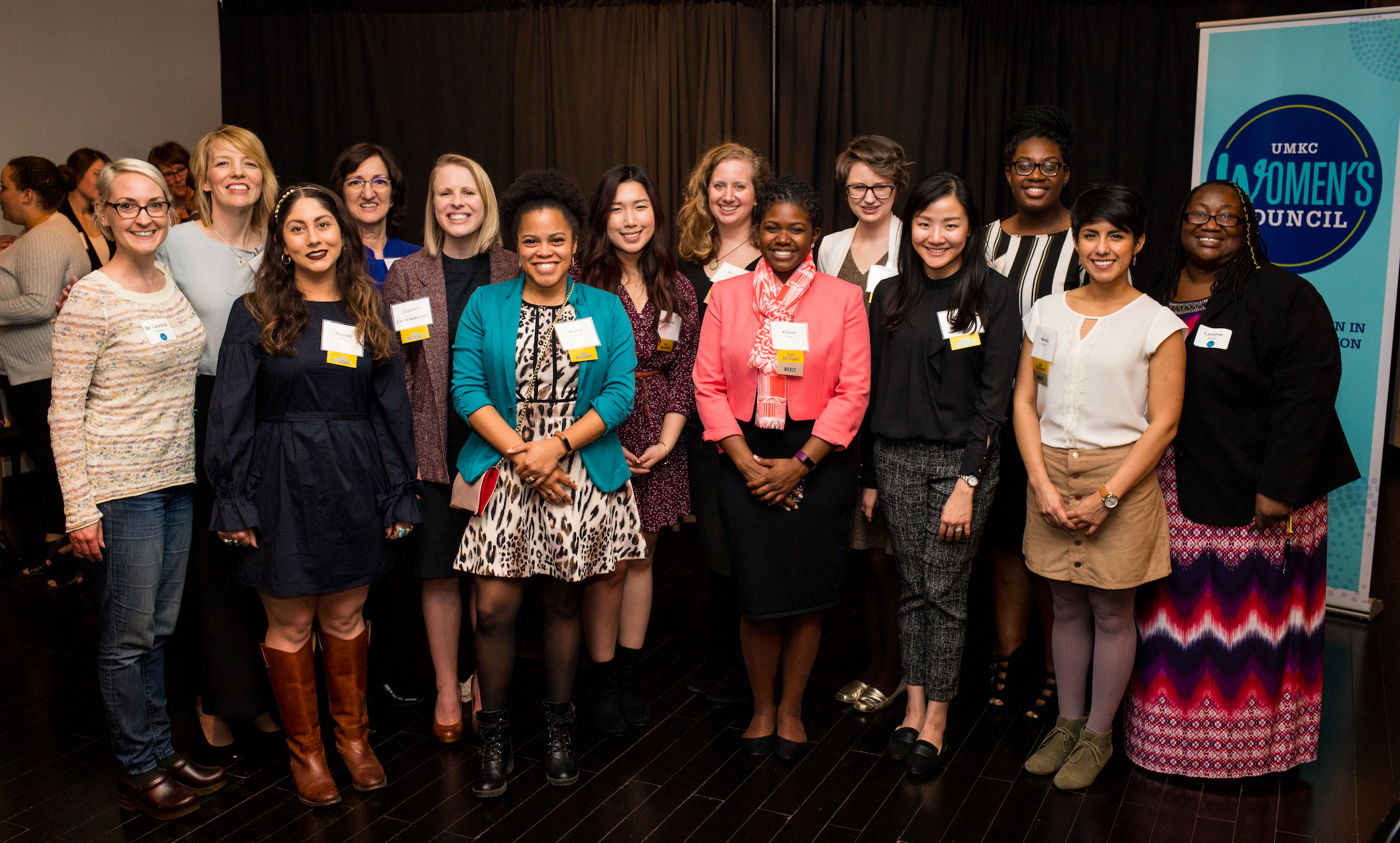
Endowment benefits UMKC Conservatory and the Women’s Council Graduate Assistance Fund
The late Caroline McBride French was an enthusiastic UMKC Conservatory donor and volunteer.
A successful attorney in Kansas City, French was active on the Friends of the UMKC Conservatory board, a fervent supporter of Crescendo, the Conservatory’s signature fundraiser and a member of the UMKC Women’s Committee for the UMKC Conservatory.
“Music was her primary love,” says Don Dagenais, a longtime Conservatory supporter. “She had a great business sense and made very sophisticated investments. As a woman attorney in her day, she must have been quite a barrier breaker.”
Her business acumen and her love for the arts resulted in a generous gift to support academic assistance for students at UMKC. Her estate gift of $800,000 will establish The Caroline McBride French Endowed Scholarship Fund of the UMKC Conservatory. An additional $460,000 will support the William L. and Caroline M. French Graduate Assistance Fund (GAF) named award through the UMKC Women’s Council.
“We are grateful for Mrs. French’s support. Endowed scholarships like this one ensure that we are able to bring more talented students into our programs.” - Diane Petrella
“We are grateful for Mrs. French’s support,” says Diane Petrella, dean of the UMKC Conservatory. “Endowed scholarships like this one ensure that we are able to bring more talented students into our programs. For many of them, scholarships are the essential piece of the puzzle that makes pursuing a degree in the arts a possibility.”
As an attorney, French would have been aware of the need to support women in advanced degrees. The Women’s Council Graduate Assistance Fund has provided short-term assistance to more than 2,200 women graduate students since its inception in 1970.
“Every time we receive a major gift like this one from Caroline French, we know it will help countless number of women complete their research, travel to perform or present at an academic conference or afford other expenses that may otherwise stand between them and an advanced degree,” says Debbie Brooks, J.D., president of the UMKC Women’s Council board of directors. “We are fortunate that Caroline had the foresight to provide these women that opportunity.”
Jun 03, 2021
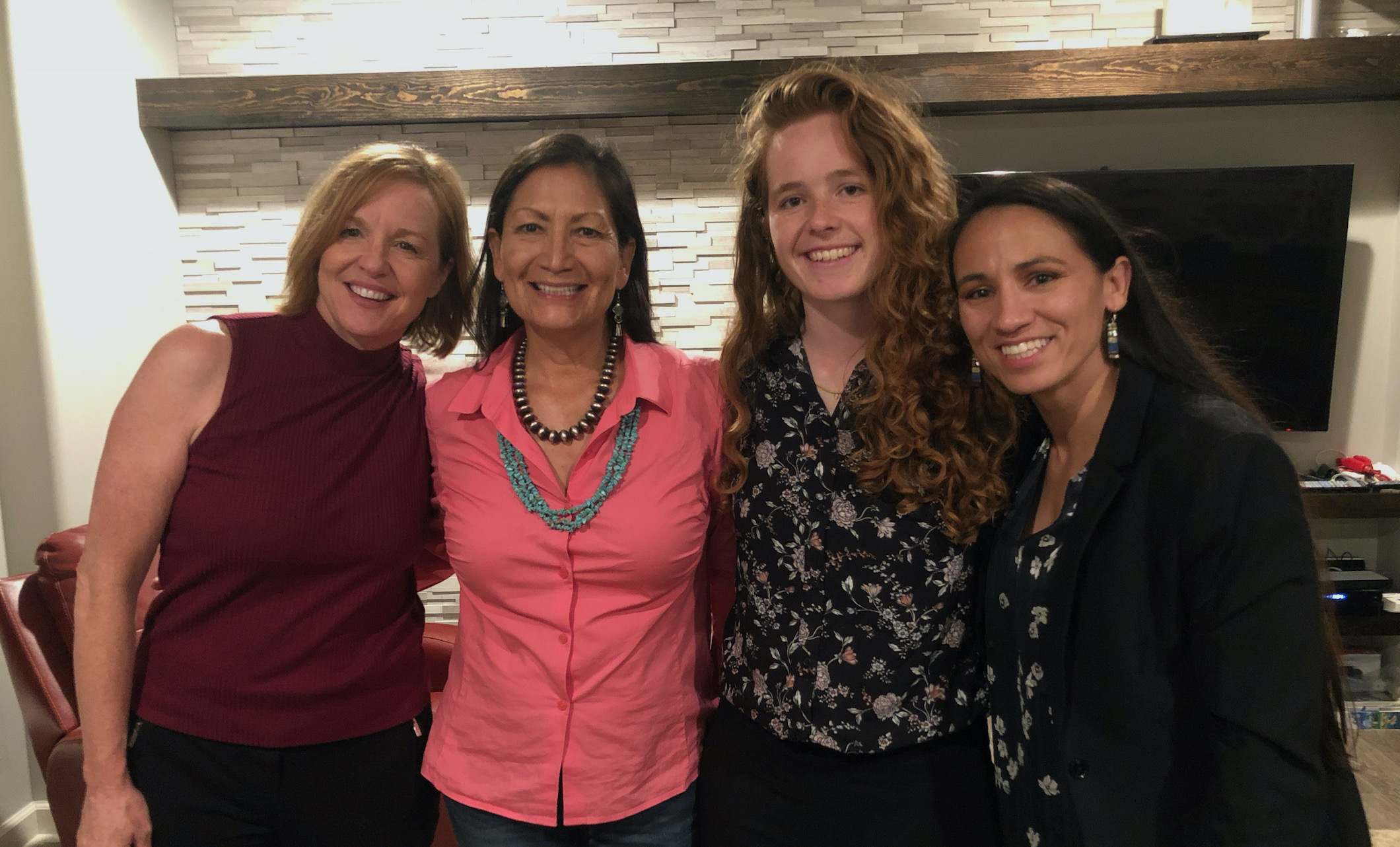
‘Sharice’s Big Voice’ tells the tale of a non-traditional student
As Nancy Mays (MFA ’17) volunteered for U.S. Rep. Sharice Davids’s (BBA ’07) campaign, Davids mentioned that she had always wanted to write a children’s book.
“She wasn’t thinking about herself,” Mays says. “She had a vision for a series of books that would introduce kids to civic responsibility with stories of how to do your part. But Sharice has such a great personal story. I thought we should start there.”
While Mays knew a lot about Davids’s life growing up with a single mother, she was interested in what she was like as a child. She interviewed Crystal Herriage (BA ’17), Davids’s mother, and went through old pictures with her for background information. With both women’s stories in hand, Mays, who is a professional writer and writing instructor, began to develop the narrative arc of the book.
“It was different writing a children’s book,” she says. “You really have to scale back your language, and that was more challenging than I thought it would be. You have fewer number of words on a page, and have to consider the type of words. But you still need to develop the voice, include all the information that is important to the editors and be true to the person’s story. It was a fun challenge.”
“We wanted to tell the story in a way that would show kids that life didn’t need to follow a script.” - Nancy Mays
Mays and Davids, who is Native American and a member of the Ho-Chunk Nation, also agreed it was important to find an indigenous artist to create the illustrations.
“We really wanted the illustrations in ‘Sharice’s Big Voice; A Native Kid Becomes a Congresswoman’ to capture the energy and vibrancy of Sharice’s childhood and Joshua [Mangeshig Pawis-Steckley] has really done that,” Mays says. “He was open to the collaborative process. There’s an illustration where Sharice is going to start campaigning an,d he drew it with her at the front of a group of people. Sharice asked him to redraw it. She said, ‘That’s not my style of leadership.’ And it made sense to him. He drew it again with her in the middle of the group.”
Similarly, the first sentence of the book mentions Davids’s mother, who raised Davids on her own. It’s accompanied by an illustration of the two of them together on election night surrounded by other people.
“When I received my first copy of the book, I showed it to my mom,” Davids says. “She knew what stories would be in the book, but when she opened it to the first page she said, ‘Oh! I’m in here.’
And it was interesting because the story of my life is so informed by the type of person she is – her supportive nature, her big heart and her fortitude. She’s is both the toughest and most kind and gentle person I know. It didn’t cross my mind to have it play out any other way.”
Herriage said it felt special that her daughter would include her in the book.
“Children see certain memories with different eyes than adults,” she says. “When she showed my promotion ceremony to Sergeant First Class in the Army in the book, I was so happy that we both saw it as a special family moment years later.”
Herriage thinks Davids revealing that she was a “chatterbox” as a child, who learned to listen as well as talk, may be helpful for her readers.
Nancy Mays
“A lot of children will see themselves, and that they can be happy with their own traits, which others may not find as endearing at the time,” Herriage says.
Beyond the strength of Davids’s relationship with her mother, one of the elements of her story that Mays thought was essential to the book was dichotomy of skills that make children successful in school, and skills that make people successful in life.
“Sharice is very friendly and really loves people,” Mays says. “But when she was a kid, that meant she would get in trouble for talking in school.”
Mays and Davids thought children would be able to relate to the challenge of sitting still and being quiet.
“Another thing we loved about her story is that it took her a long time to finish her undergraduate degree from UMKC, but she did it,” Mays says.
Davids worked her way through school as a manager of a fast-food restaurant where her mother also worked.
“Sharice and I were both first generation students,” Mays says. “People don’t always realize that this is a very different experience. She and I connected over that.”
Herriage did graduate from UMKC in 2017, 10 years after her daughter graduated.
“Now Sharice refers to herself as a former first-generation college graduate,” Mays says with a laugh.
“We wanted to tell the story in a way that would show kids that life didn’t need to follow a script.” - Nancy Mays
Both Mays and Davids agreed that the book needed to end with the story of election night.
“This story isn’t about being elected to Congress,” Mays says. “That was Sharice’s dream. We wanted to tell the story in a way that would show kids that life didn’t need to follow a script. It’s much more a message of, ‘I’m going to show you how I got to where I am, and maybe that will help you figure out where you’re going – no matter what it is you want to do.’”
Rep. Sharice Davids
Davids recognizes that it matters for children to see diversity in the characters in their books.
“I wasn’t conscious as a child that there were no characters in books that looked like me, but as an adult I learned that only 1% of characters in books that are native or indigenous people,” she says. “I think that books like “Sharice’s Big Voice” featuring these diverse characters is important. But I also think it’s interesting that we call it ‘diversity.’ Because it’s not uncommon to be raised by a single mom, or to be an Army brat, or to work while you’re in school.”
Davids says she hopes that someone reading her book – a child or adult - will see that the most important thing for people to do is recognize they can try lots of different things.
“A child might read this and say, ‘I want to work with animals,’ or ‘I want to learn magic tricks.’ I wanted to show that you can try lots of different things and that's okay, because all of us have a different path.”
Jun 01, 2021
Flatland interviews Andrew Bergerson, UMKC history professor, about exhibition
One of the people who will be part of the related speakers’ series with the exhibit, Andrew Bergerson, who teaches history at the University of Missouri-Kansas City, emphasized that very point when we talked about the coming exhibit recently. Read more.
May 30, 2021
UMKC Gallery of Art director is part of a three-person panel coordinating the application process, about creating a space at Agnes Arts for artists...
Artist Davin Watne has taught classes at the University of Missouri-Kansas City since 2002, and he also runs the UMKC Gallery of Art. He’s collaborated with Paul Migliazzo on several art studio projects, including Agnes Arts — where he’s already moved into a studio. He is part of a three-person panel coordinating the application process, about creating a space at Agnes Arts for artists to read books or look through magazines. Read more.
May 29, 2021
Provost Jenny Lundgren talks about 2021 commencement
During a third of the radio hour (beginning at 6 minutes 15 seconds), UMKC Provost and Professor Jenny Lundgren discusses the pandemic, how the campus operated and in-person commencement at Kauffman Stadium. Hear the recording.
May 27, 2021
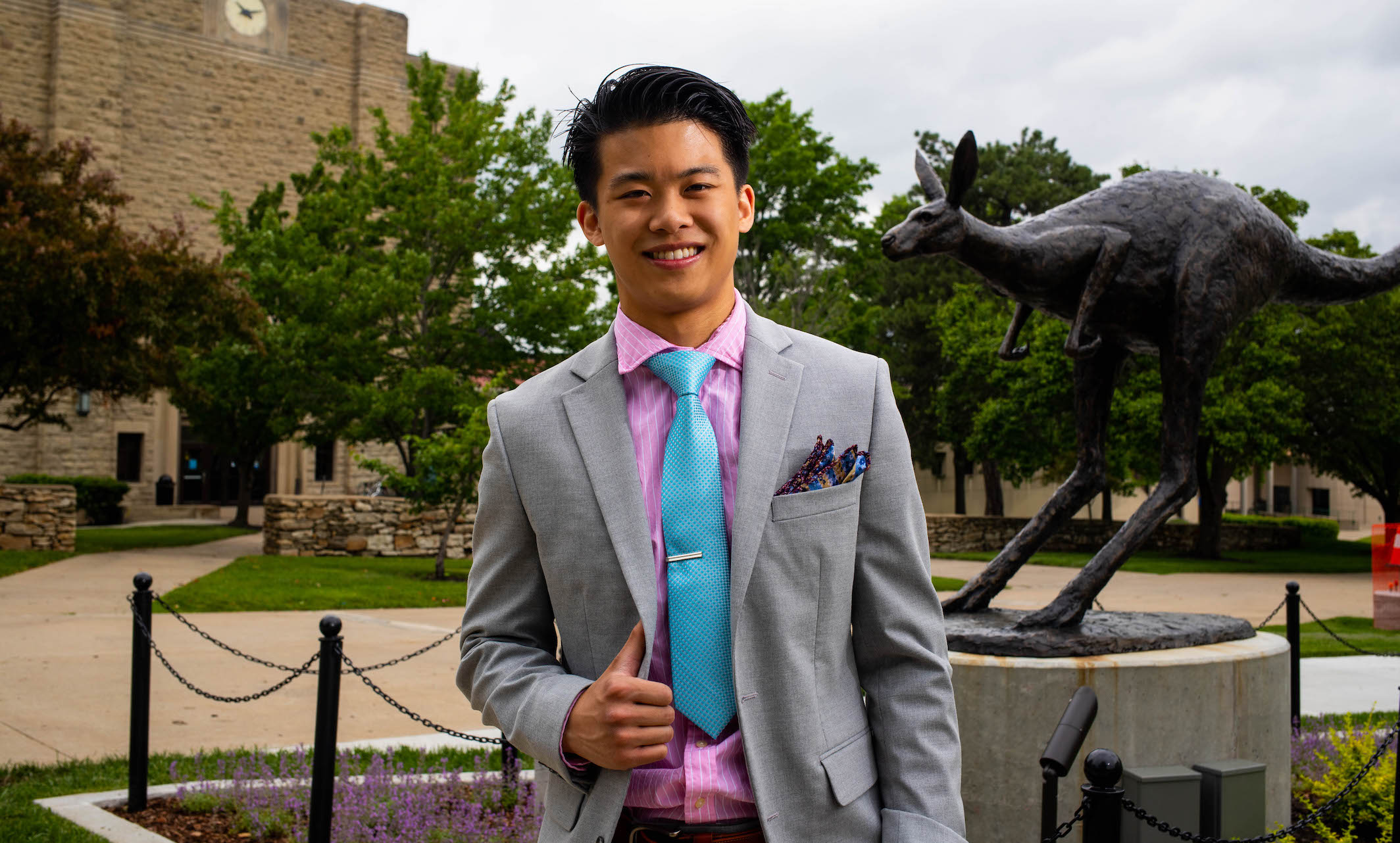
Tim Nguyen finds inspiration in faculty and fellow students alike
Our ongoing story starts with people from around the world, converging here at UMKC. Get to know our people and you’ll know what UMKC is all about.
Tim Nguyen Hometown: Lee’s Summit, MO High School: Lee’s Summit West High School Academic program: Biology B.S (Pre-Dental) and Chemistry B.A Anticipated graduation year: May 2022
Why did you choose UMKC?
I chose UMKC because it became my home away from home. The people I have met at UMKC and in Kansas City are some of the most impactful individuals who have helped me achieve my academic and professional endeavors.
Why did you choose your field of study?
I chose to study and work towards a B.S. in Biology and a B.A. in Chemistry to prepare me for dental school with a business minor.
What are the benefits of the program?
One benefit of the program is that everybody knows everybody else as a biology and/or chemistry major. You are able to form a close community with others. There will be nobody else that will be as supportive towards your success than some of the people you will meet during your time at UMKC.
How has your college program inspired you?
My college program has inspired me to learn from faculty, advisors and upperclassmen who are wiser, smarter and more hard working than me so I can continue to grow. I see them as mentors and role models and I want to embrace and embody their good qualities.
"There will be nobody else that will be as supportive towards your success than some of the people you will meet during your time at UMKC." — Tim Nguyen
Since entering college, what have you learned about yourself?
I have learned I can do anything, but I cannot do everything. Motivation comes and goes sometimes, but passion lasts forever. I’ve learned to grow comfortable in the uncomfortable. My mentality is to live life giving 110% day in and day out.
Are you a first-generation college student? If so, what does that mean to you?
No, my parents were born in Vietnam, but had some college here in America. My mom went to a small college and my dad had some community college and then transferred. I am the first in my family and extended family to be born in the United States and to go to college.
I have nothing but respect for my parents as they left Vietnam by boat to come to America, escaping the Communists there. I want to make the most of my life here as I would not have the life and opportunities here if my parents never risked their lives leaving Vietnam.
Who do you admire most at UMKC?
I met Joseph Allen during Biology Bootcamp my freshman year and have never heard anything negative said about him during my time at UMKC. He is approachable - a role model - and I view him as a one of many mentors. His humility and his presence radiate with others. He was an individual that everybody knew, and he never had to introduce himself in a room.
"I seize opportunities that I can learn from." — Tim Nguyen
What’s the best piece of advice you have ever received from a professor?
“Be on time and ready to play.”
What extracurricular activities are you involved in at UMKC?
This fall semester I’ll serve as president for the UMKC Student Government Association. I will be an assistant coordinator for Academic Support and Mentoring Supplemental Instruction in the fall as well as leading the Biology Honors Discussion Group, which I’ve led for the past two years.
I’ve led Biology 108 with Dr. Benevides for three semesters, general chemistry my second semester of college, Organic Chemistry as a TA for Dr. Kilway this past fall and spring semester.
I will be working with Residential Life, and I also enjoyed putting in time with intramurals, such as soccer and volleyball when I started college at UMKC.
Do you have any scholarships? What do they mean to you?
The UMKC Trustees’ Scholarship has given me the blessing to expose myself to all the opportunities UMKC has to offer and the networking connections of individuals in the community wanting to see me succeed.
Receiving this monetary scholarship has tremendously reduced the financial burden for my family, giving me peace of mind. It will allow me to continue to pursue my professional and academic aspirations, and I am truly grateful. This generous financial support has given me more time to really serve students at UMKC through being able to be as involved I can.
“During these internships, I learned, “If you see it, you can be it.” — Tim Nguyen
Have you had an internship/job shadow? What did you learn during your internship?
After my freshman year I was a Bluford Scholar in the Bluford Healthcare Leadership Institute (BHLI.) After my sophomore year, I spent a week with a program piloted by BHLI and partnered with the Stowers Institute right across from UMKC. During these internships, I learned, “If you see it, you can be it.” This summer, I will be doing Phase 2 of the program.
What do you hope to take from your experiences at UMKC into your professional career?
I hope to take lessons which will prepare me to embrace all the setbacks that I may encounter and obstacles I must confront. I truly feel that UMKC has given me the culture and energy to give 110% in every task in front of me. I want to maximize what I’m given to be a difference maker, a catalyst for change and someone for my community, not just in it for what my professional career may have in store for me.
What is one word that best describes you and why?
Intentional. I seize opportunities that I can learn from. These invaluable opportunities may be labor-intensive, hard, rare and sometimes definitely not easy. However, all of them are worth it. I love to listen to others and be open minded so I can lead better and become better. Some of the best ideas have come from listening to other students’ voices that helped me make an idea reality.
May 27, 2021
Adriana Gonzalez will attend UMKC
KC Scholars 2021 award winner, Adriana Gonzalez, Park Hill High School, Parkville, plans on attending UMKC, and first learned of being awarded the scholarship when she opened her email and read the letter informing her of her win. Read the article.
May 26, 2021
Kansas City Star taps UMKC English professor who studies Black literacy
Antonio Byrd, an English professor at UMKC who studies Black literacy, described critical race theory as a way to illuminate the role of racism in a society that doesn’t tend to think racism is a major problem. By considering the impact of racism, Byrd said, steps can be taken to fix it. Read the article in the Kansas City Star. (subscription required)
May 26, 2021
Kansas City-area law professors are weighing in on a possible legal battle between the city and the Board of Police Commissioners
Allen Rostron, law professor at the University of Missouri-Kansas City, said the situation is a novel one. Read the full story.
May 25, 2021
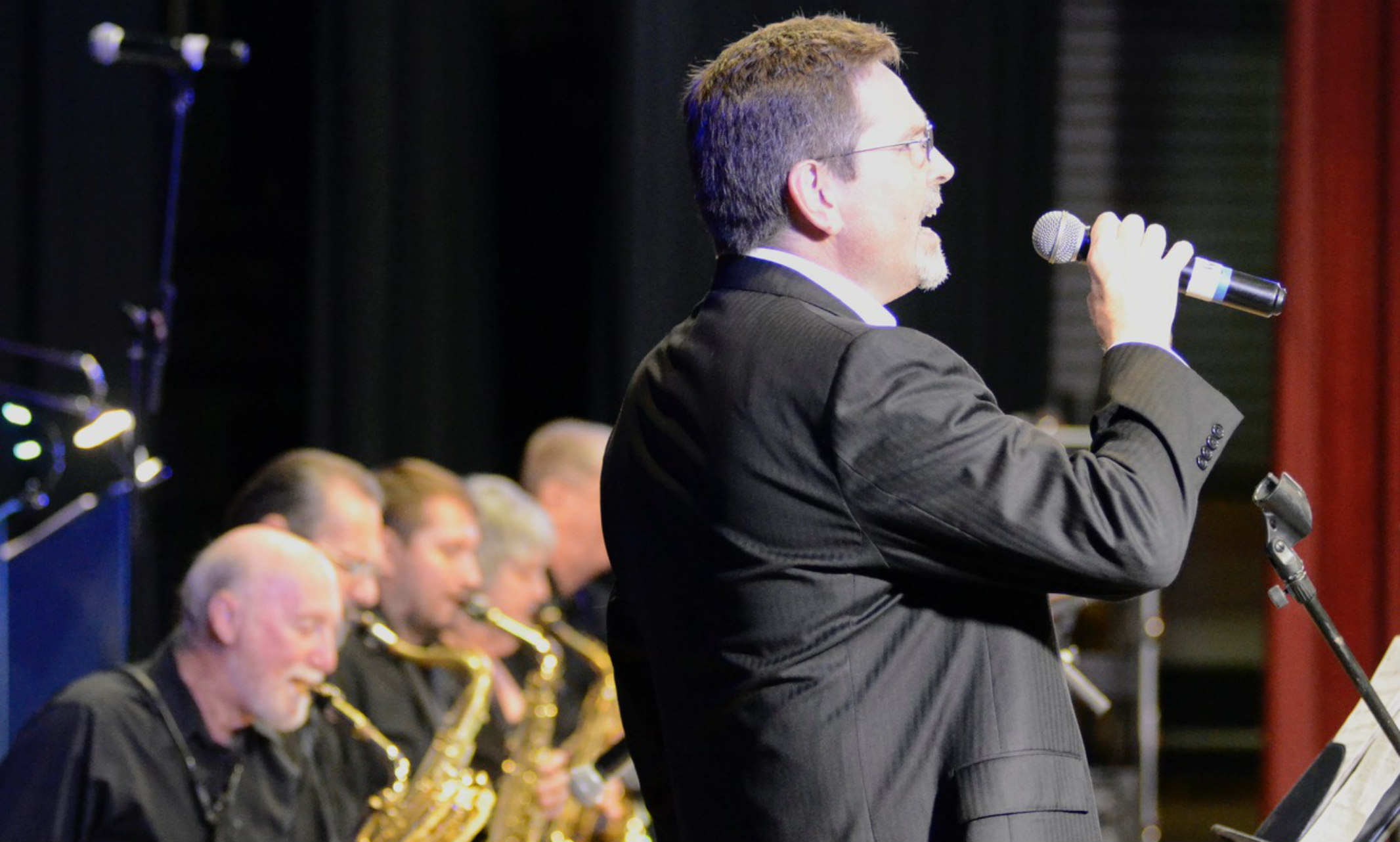
Christopher Hart’s music career goes down many paths
Where does a small-town Iowa boy go when he wants to be an opera singer? He goes to the big city for training.
Christopher Hart (M.A. '90) came to UMKC to study with Norman Abelson at the UMKC Conservatory. After graduation, he spent a few years in Oklahoma. Then “life happened” and Hart followed the calling of a small town and moved to McComb, Mississippi.
For the past 12 years, Hart has served as the minister of music, media and arts for Centenary United Methodist Church. His background in music education was useful last year as he, along with the entire world, had to navigate through the pandemic. When in-person events decreased in numbers or came to a halt, Hart had to get creative.
“We learned how to livestream,” Hart said. “It has been a big learning curve over the past year. It hasn’t been easy, but we’ve learned how to adapt to it. The church never closed.”
Throughout the pandemic, Hart said the church held in-person and livestream services. Although attendance has picked up in the last few weeks, Hart said they will continue to offer a livestream because people like having that option. Hart said they brought the choir back in March with a few people in the balcony.
“They’re having a good time up there,” Hart said.
Hart has written dozens of songs. One he wrote six years ago, “In the Cross,” won best Christian song in the Dallas Songwriters Christian songwriters’ contest. The song, and a few others, can be found on iTunes. He has also written scores for four feature films with a fifth that will be released at the end of the year.
Hart’s current project, 12 Westerns in 12 Months, is a collaboration with friend, filmmaker and actor Travis Mills. He said the project has been fun and challenging because the deadlines are constant. To write the score for each movie, Hart read the scripts and received music ideas from the director, often in the form of temporary music. He said the process has been fun.
“Composing is like putting a puzzle together,” Hart said.
Between 2020 and 2021, Hart composed the soundtracks for "Bastard's Crossing," "She Was the Deputy's Wife," “The Bank Robbery” and "Counting Bullets." “Bastard's Crossing” garnered several film festival awards, the most recent being Best Mississippi Feature Film at the Oxford, Mississippi Film Festival. The movies will all be available on DVD, Amazon and Amazon Prime. Hart garnered a Festival Director’s Choice Best Score for “Counting Bullets.”
Being a songwriter is not easy and doesn’t make a lot of money, so Hart created his own publishing company called Ten Minutes to Anywhere. The company name came out of his move to Mississippi.
“You can get anywhere in this town in 10 minutes,” he said. “It is nice.”
Even though being a composer and songwriter is more of a side gig, it is rewarding. His advice to someone considering a career as a composer is to keep writing.
“Write music every day,” Hart said. “Learn as much as you can about your craft. Study different composers. Don’t study just one genre. Be flexible. Study other people. Learn about the instruments. Learn about orchestral techniques. Learn about software and virtual instruments.”
And speaking of side gigs, Hart has also been performing onstage for more than 40 years and has become an experienced background actor.
“It’s fun being in the movies,” he said. “It’s a lot of work. It’s harder than you imagine.”
With a variety of projects at hand, Hart stays grounded and has turned projects down.
“I care about what I do,” Hart said. “I want what I do to be the best that can happen. I want to stay true to myself.”
For now, Hart is for hire as a composer and actor. His studio is in his home.
“As I get closer to retirement age,” he said. “I know I can do it from anywhere.”
And by it, Hart doesn’t only mean acting and composing. During the pandemic, Hart said he was concerned about losing his ability to sing high notes, so he’s been taking voice lessons. He’s ready to audition again. This opera singer is ready for his next role.
You can find Christopher Hart Film Composer on Facebook and see his acting credits on his IMDb page. They include The Wilderness Road, Tales of the Natchez Trace, Texas Red, Breaking News in Yuba County, Bastard’s Crossing, One Night in Miami, four episodes of NCIS New Orleans, two episodes of On Becoming a God in Central Florida, The Highwaymen.
May 25, 2021
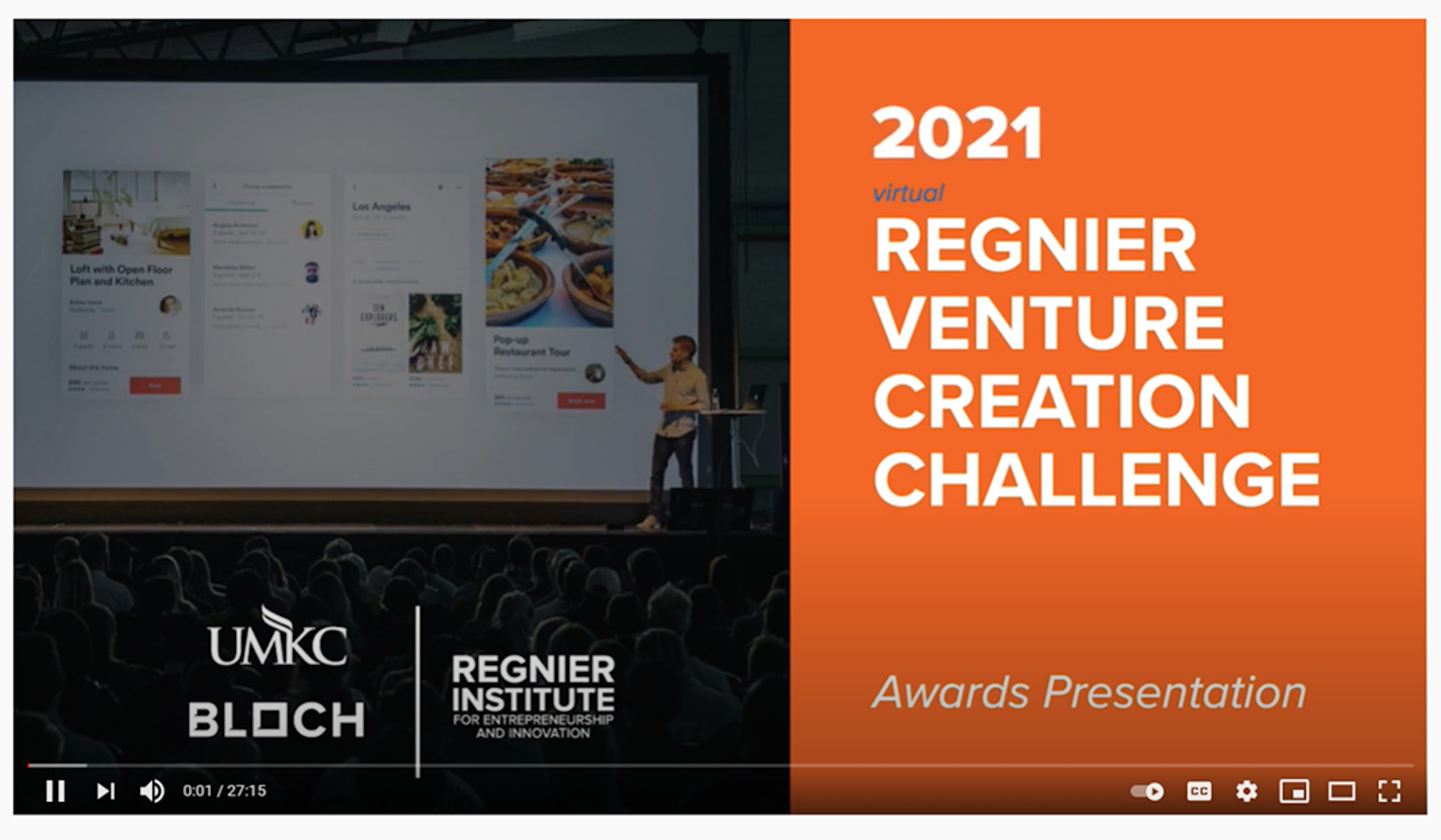
Annual pitch competition provides critical startup funding and experience
The Regnier Institute for Entrepreneurship and Innovation at the Henry W. Bloch School of Management has selected winners in the annual Venture Creation Challenge pitch competition.
“Each year we are amazed and invigorated by the energy and innovation of the entrepreneurs who are a part of the Regnier Venture Creation Challenge,” said Jeffrey S. Hornsby, executive director of the Regnier Institute. “In both the private and the nonprofit sectors, these leaders are changing the way we do business, support communities and create opportunities. We are grateful for their passion and the volunteers who take on the task of judging these outstanding business plans.”
The Regnier Venture Creation Challenge is a University of Missouri-Kansas City business plan and pitch competition promoting entrepreneurship. The Regnier Institute received more than 75 applications from 12 different high schools, colleges, universities and the E-Scholars program from the Missouri, Kansas, Iowa and Nebraska region.
More than $65,000 in prizes that were awarded at this year’s competition were made possible through donations from Bob Regnier and Regnier family, Blue Cross Blue Shield of Kansas City and David Block and the Block family.
During the competition, mentors, advisors and community partners volunteer to serve as judges throughout the competition.
“The real benefit of the competition – beyond the monetary support – is the wealth of feedback that participants receive from our volunteers,” said Bob Regnier, naming benefactor and founder, executive chairman and CEO of the Bank of Blue Valley. “Those experienced perspectives can be invaluable to the success of these emerging ventures.”
Innovation Awards
Splitsy, $15,000
Splitsy is a patent-pending mobile application that allows peers to automatically split payments for shared bills.
Woodie Goodies, $10,000
Woodie Goodies buys used books in bulk from major thrift-store chain warehouses and resells to retailers. All children's books are donated to low-income schools.
Relay Trade Solutions E-Scholars, $5,000
Relay Trade Solutions connects shippers, carriers, origins and destinations for seamless order to delivery, which saves up to 50% on back office costs and streamlines payment.
Honorable Mention Awards
Outstanding High School Entrepreneur, $2,000
Freescholars.com
freescholars.com is a marketplace that connects businesses, nonprofits and academics with high-achieving high school students for various services, which allows student to explore career interests, acquire real-world experience and enrich their college applications.
Outstanding Undergraduate Venture, $2,000
Vamose - Iowa State University
The patent-pending Vamose Gym Bag attaches to a backpack to enable students to avoid carrying an extra bag with them throughout the day.
Oustanding Creative Enterprise, $2,000
KeySpark - UMKC
KeySpark is a collaborative learning community of 7th-12th grade saxophonists that offers online music classes taught by experts in the field, an extensive resource library and a forum for students in areas where private instructors and musical opportunities are limited.
Outstanding Social Venture, $2,000
Cultura En Tus Manos - UMKC
Cultura En Tus Manos is an open online marketplace dedicated to helping artisans in Mexico market their products in the United States, allowing them to expand their customer base and easily export their products. Our platform differs from similar online marketplaces as we provide the artisans with personalized educational resources that allow them to develop effective marketing strategies to expand their online businesses while developing a cultural exchange through a meaningful connection with consumers.
BlueKC Healthcare Innovation Award 1st place, $15,000
CartilaGen, Inc., - University of Iowa
CartilaGen produces an injectable small-molecule drug suspended in a hydrogel vehicle that has been proven effective in preventing the onset of post-traumatic osteoarthritis (PTOA).
BlueKC Healthcare Innovation Award 2nd Place, $10,000
RollOut - Missouri University of Science and Technology
RollOut is a muscle roller and recovery product manufacturer that started in a dorm room and now partners with local businesses and online retailers.
Community Business Award
James and Rae Block Community Business Award, $2,500
Kufukaa, LLC
Kufukaa is a Kansas City-based small business that creates sustainable apparel at the intersection of kitchenware and home essentials which are handmade in Kansas City. This premium collection of sustainable apron lines fills a long-standing market gap in Kansas City's culinary scene.
The Regnier Venture Creation Challenge is a University of Missouri-Kansas City business plan and pitch competition promoting entrepreneurship. The Regnier Institute received more than 75 applications from 12 different high schools, colleges, universities and the E-Scholars program from the Missouri, Kansas, Iowa and Nebraska region.
More than $65,000 in prizes that were awarded at this year’s competition were made possible through donations from Bob Regnier and Regnier family, Blue Cross Blue Shield of Kansas City and David Block and the Block family.
May 25, 2021
Kansas City Star taps Ken Novak from UMKC
“Were it (moratorium on evictions) to be lifted, especially all at once, and there was a flood of evictions or foreclosures, that just creates more housing and shelter instability,” said Ken Novak, a professor of criminology at the University of Missouri-Kansas City. Read the full article. (subscription required) This story was picked up by The Pitch.
May 23, 2021
UMKC alumni share college internship experiences with Fox4KC
University of Missouri-Kansas City graduate Daisy Garcia Montoya just finished an internship at City Hall in the communications department. UMKC alumna Aly Hernandez, external affairs manager for City Hall, was also interviewed for this story. Read more.
May 21, 2021
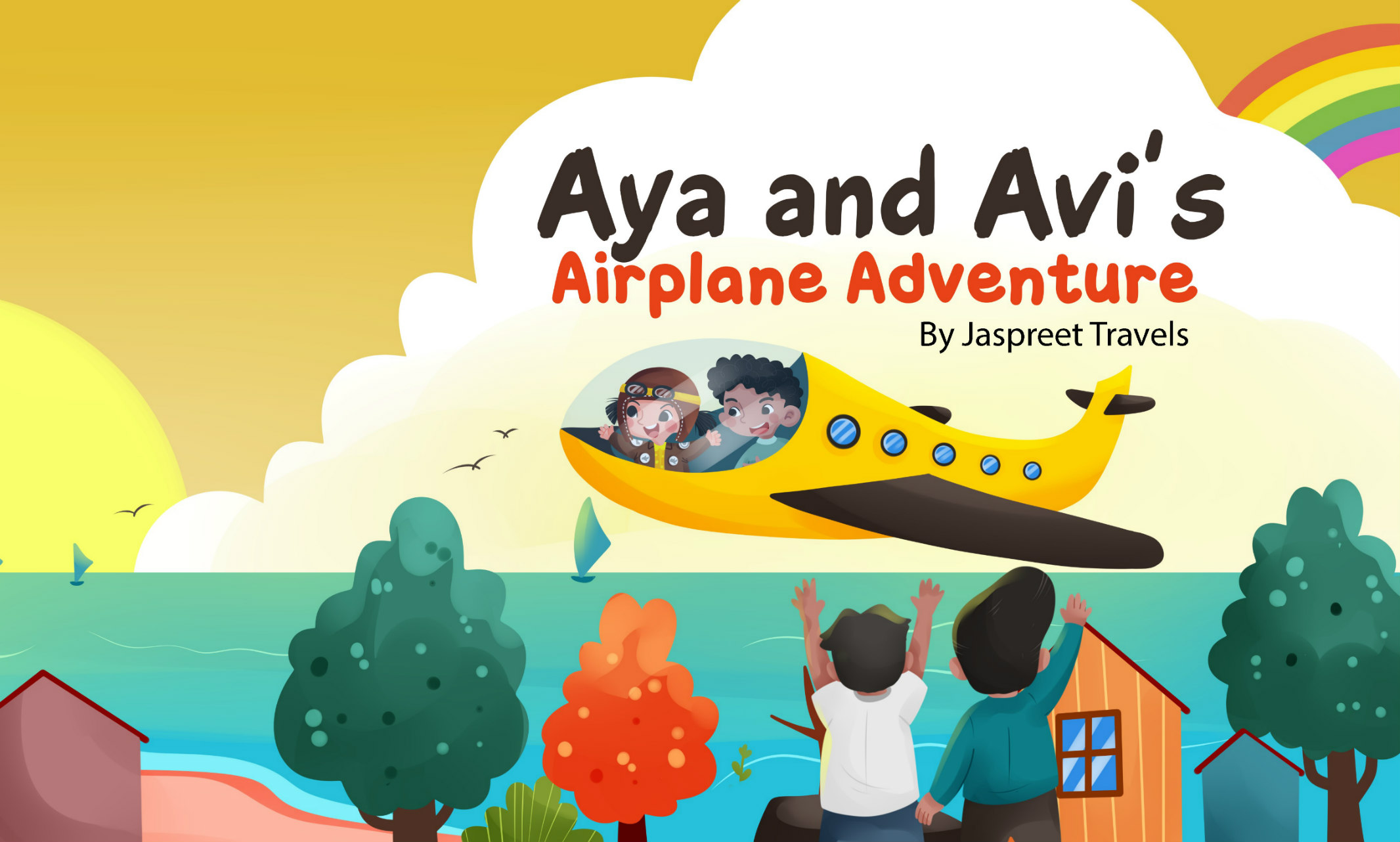
Pandemic free time prompted Jaspreet Singh to create underrepresented characters
Jaspreet Singh graduated from the Henry W. Bloch School of Management in December 2015 with an eye toward the sky. His dream was of an airline industry career on the business side and an interest in designing experiences for travelers on the personal side.
Since graduation, this 2015 Student Entrepreneur of the Year has been traveling around the world with his job at United Airlines accomplishing many of his goals. When we wrote about Singh before graduation, he said college inspired him to push himself and to be the best version of himself that he can be.
“It has motivated me to expand my network and get out of my comfort zone and focus on personal and professional goals,” he said.
So, we decided to check in with Singh and see how far he’s pushed himself. It turns out, that he’s been accomplishing quite a bit in spite of the travel restrictions caused by the pandemic. He wrote a children’s book, Aya and Avi's Airplane Adventure. He's also been named by Tripadvisor as one of eight Asian-American influencers to follow.
Singh is an award-winning airline industry passenger experience professional with experience across product marketing, pricing and revenue management, e-commerce and digital marketing. Writing the book was separate from his job. His goal is to inspire the next generation of aviators through diversity and representation by allowing the kids of today to see themselves represented in aviation.
“The idea for the book was born as a quarantine side project in my free time and took me about a year to do,” Singh said.
Professionally, Singh said the pandemic forced him to use the entrepreneurial mindset instilled in him during his studies and in his day-to-day life by learning how to pivot and think more innovatively.
“Times within the aviation and travel sector were tough, but this required a shift in thinking and prioritization to operate like a start up.”
Personally, Singh said the pandemic allowed him to reprioritize and be grateful for all of the experiences, friends and family that have led him to this point and the value of being your true authentic self every day.
“It’s also allowed me to reflect on personal goals and ways to give back, which is one of the reasons I started writing this book – to help give back to the future of aviation by inspiring the next generation of aviators.”
A study done by the Cooperative Children’s Book Center found that nine times more children’s books were written annually about talking animals than featuring an LGBTQ character; and three times more books than with Asian American Pacific Islander characters, according to Singh. He said books with talking animals accounted for more books than all underrepresented minority groups combined.
“Growing up I never saw anyone like myself represented in children’s books and always wished I had something I could relate to,” Singh said. “Ultimately instead of waiting around for someone to write it, I decided to go ahead and just do it! I wanted to write a book that captured my lifelong interest of aviation with diversity and representation of characters from many backgrounds and ethnicities, including LGBTQ characters.”
The book is currently available on Amazon. Singh partnered with a third party to complete the illustrations. He has also secured a charity partnership through an organization named Rainbow Railroad where a portion of profits from every book sold are donated to help LGBT individuals living in fear of persecution, torture or murder, find a path to safety to start a new life.
May 21, 2021
KCUR interviews Jannette Berkley-Patton
Jannette Berkley-Patton, professor at the UMKC School of Medicine and director of the university’s Community Health Research Group, was a guest on Up to Date. Read more from KCUR.
May 20, 2021
St. Joseph newspaper features UMKC History student's internship
Solveig Klarin, who is pursuing a master’s degree in history at the University of Missouri-Kansas City, said she is interested in the education and interpretation aspect. Read the full story.
May 19, 2021
College of Arts and Sciences faculty provide insight for KCUR story on blighted buildings
Erik Olsen, professor and chair of the economics department at the University of Missouri-Kansas City; and Erin Royals, neighborhood outreach and research coordinator at the Center for Neighborhoods at UMKC, were interviewed for this story. Read the story from KCUR.
May 18, 2021
KCUR taps Associate Vice Provost Kim McNeley
UMKC Associate Vice Provost Kim McNeley said AP courses and exams provide foundational skills for college-level courses. She said it’s important the college standards that evaluate student’s learning be consistent and maintained, even during a pandemic. Read the article from KCUR.
May 18, 2021
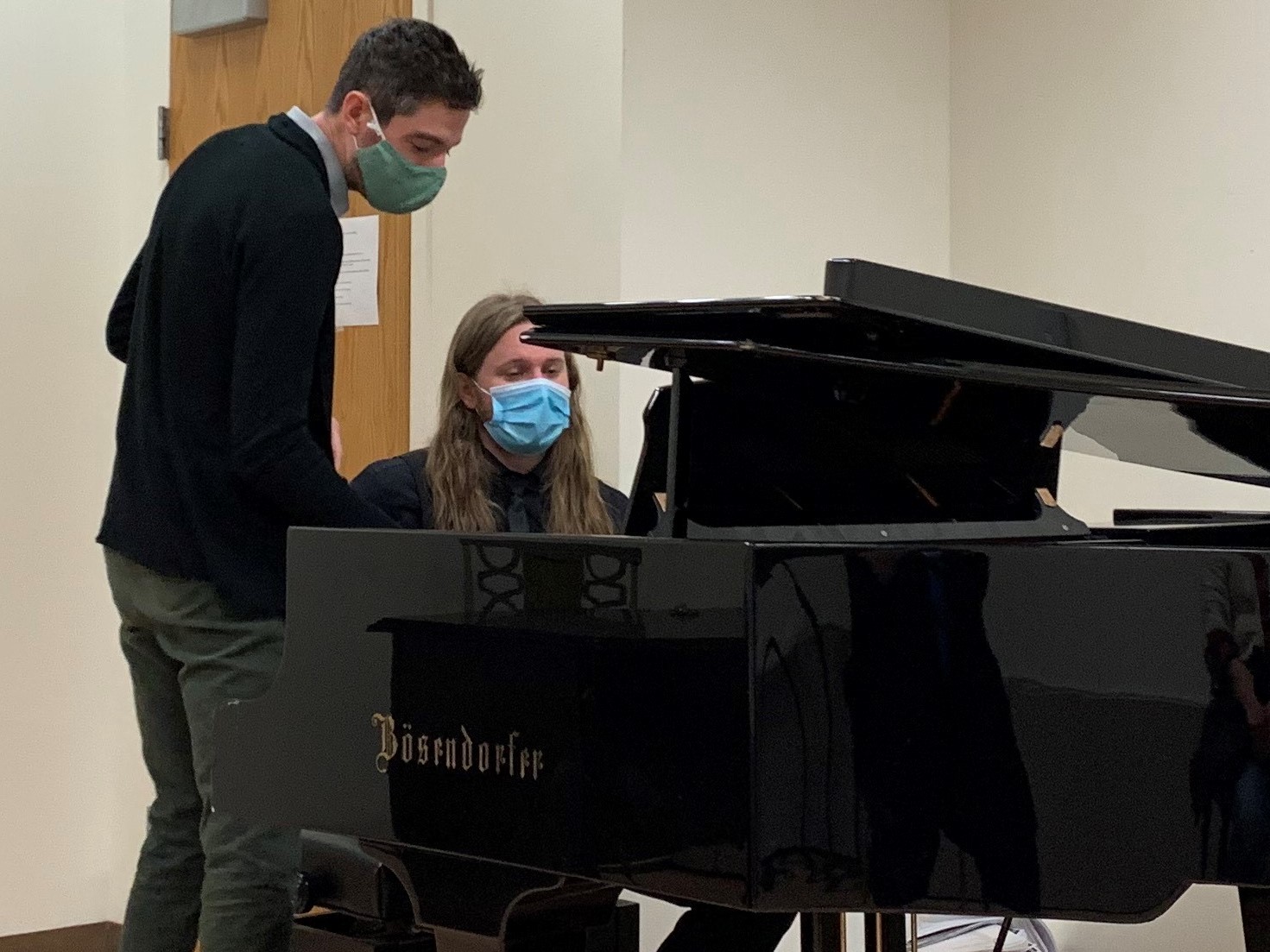
UMKC piano professor battles – and overcomes – his sudden hearing loss.
As assistant professor of piano pedagogy at the University of Missouri-Kansas City Conservatory, the ability to hear is critical to Chris Madden.
Each day, he listens intently to his students play and perform works on the piano, helping to fine tune their skills. His listens to the notes with detail and for clarity, providing valuable feedback in their learning process. He also enjoys listening to his own playing of the piano, which he picked up at the age of 13.
“Starting at that age is relatively late compared to my colleagues,” said Madden. “No one in my family was particularly musical, but piano was something I wanted to do. I even paid for my own lessons to start out!”
But last fall, Madden woke up one morning not able to hear out of one of his ears.
“I thought it was a clogged ear from congestion,” said Madden, who didn’t think much of it at the time. But that changed a few days later. “I was biking downtown and couldn’t hear a city bus passing by me on my left side. I knew something was very wrong.”
Doctors diagnosed his condition as idiopathic sudden sensorineural hearing, commonly known as sudden deafness. “I was devastated,” said Madden. “The first thing I thought of was how am I going to teach like this?” said Madden. “I just started at UMKC two years ago and then something like this happens.”
His type of hearing loss is rare – about 1 in 5,000 are diagnosed each year according to the National Institute of Deafness and Other Communication Disorders. Doctors believed Madden’s case was caused by a virus. His physician prescribed steroid treatments and shots, along with sharing the odds that only 10 percent of people regain their full sense of hearing.
“My doctor kept emphasizing with this diagnosis, every day counts,” said Madden. “With each person I talked to, I’d say, ‘I don’t know if you can get me in today, but here’s what I do for a living. I work at a conservatory and hearing is my life.’”
Researching his treatment options, he connected with North Kansas City Hospital and its hyperbaric oxygen therapy, called HBOT. The treatment involves breathing pure oxygen in a pressurized environment. It’s a well-established treatment for scuba divers suffering decompression sickness, but has also been effective in treating hard-to-heal wounds and other health conditions such as sudden hearing loss. Within 24 hours of calling NKCH, Madden was undergoing treatment.
For 20 days, he received a two-hour-long HBOT treatment. He compared the chamber to an MRI tube, with one distinct difference. “The chamber is pressurized to 65 feet below sea level so my ears were popping quite a bit adjusting to that.”
Slowly – and fortunately – Madden’s hearing started to return. It wasn’t immediate, but by the end of his treatment, all hearing tests were back to normal. “My cell phone is finally back to the lowest volume,” said Madden.
“When my students play the piano now, I sit there and think it’s just nice to hear normal sounds again, because it wasn’t like that for a few weeks there.” – Chris Madden
“When my students play the piano now, I sit there and think it’s just nice to hear normal sounds again,” said Madden. “Because it wasn’t like that for a few weeks there.”
Madden credits his recovery to the combination of his steroid therapy and HBOT, along with his ability to get treatment so quickly. And he encourages others to act fast when facing urgent changes in your health – something he also emphasized when sharing his story with KSHB TV-41 and North Kansas City Hospital.
“You really have to advocate for yourself,” he said. “If it feels urgent, go straight to the doctor and say, ‘This is an emergency!’”
May 17, 2021
Sean O’Brien, UMKC School of Law professor, gives interviews to Kansas City media
“We thought that we opened an avenue for innocent prisoners,” said Sean O’Brien, a University of Missouri-Kansas City law professor who represented Joseph Amrine. “And then comes Rodney Lincoln.” Read the news coverage:
Lawyers set up fundraiser for Kevin Strickland, say they’re confident he will be freed - Kansas City Star (subscription requied)
Missouri Supreme Court won’t hear Kevin Strickland’s case. He’s innocent, prosecutors say - Kansas City Star (subscription required)
The Jackson County Prosecutor Says Kevin Strickland Is Innocent. Why Is He Still Behind Bars? - KCUR
Kevin Strickland is innocent, officials say. Can that free him from Missouri prison? - Kansas City Star (subscription required)
May 16, 2021
Kansas City Star interviews Toya Like, UMKC associate professor of criminal justice and criminology
“We’ve always seen social movements happen we just didn’t have a term for it, and movements for justice and equality and shared space, and shared resources,” said Toya Like, associate professor of criminal justice and criminology at the University of Missouri-Kansas City. Read the article in the Kansas City Star. (subscription required)
May 16, 2021
Local media report on historic two-day commencement celebration
UMKC Classes of 2021 and 2020 gathered at Kauffman Stadium to accept their diplomas on Saturday and Sunday. Read the news coverage:
Kauffman Stadium serves as location for UMKC commencement ceremonies - KCTV5
A little rain wasn’t going to dampen the spirits of these UMKC graduates - Fox4KC
May 16, 2021
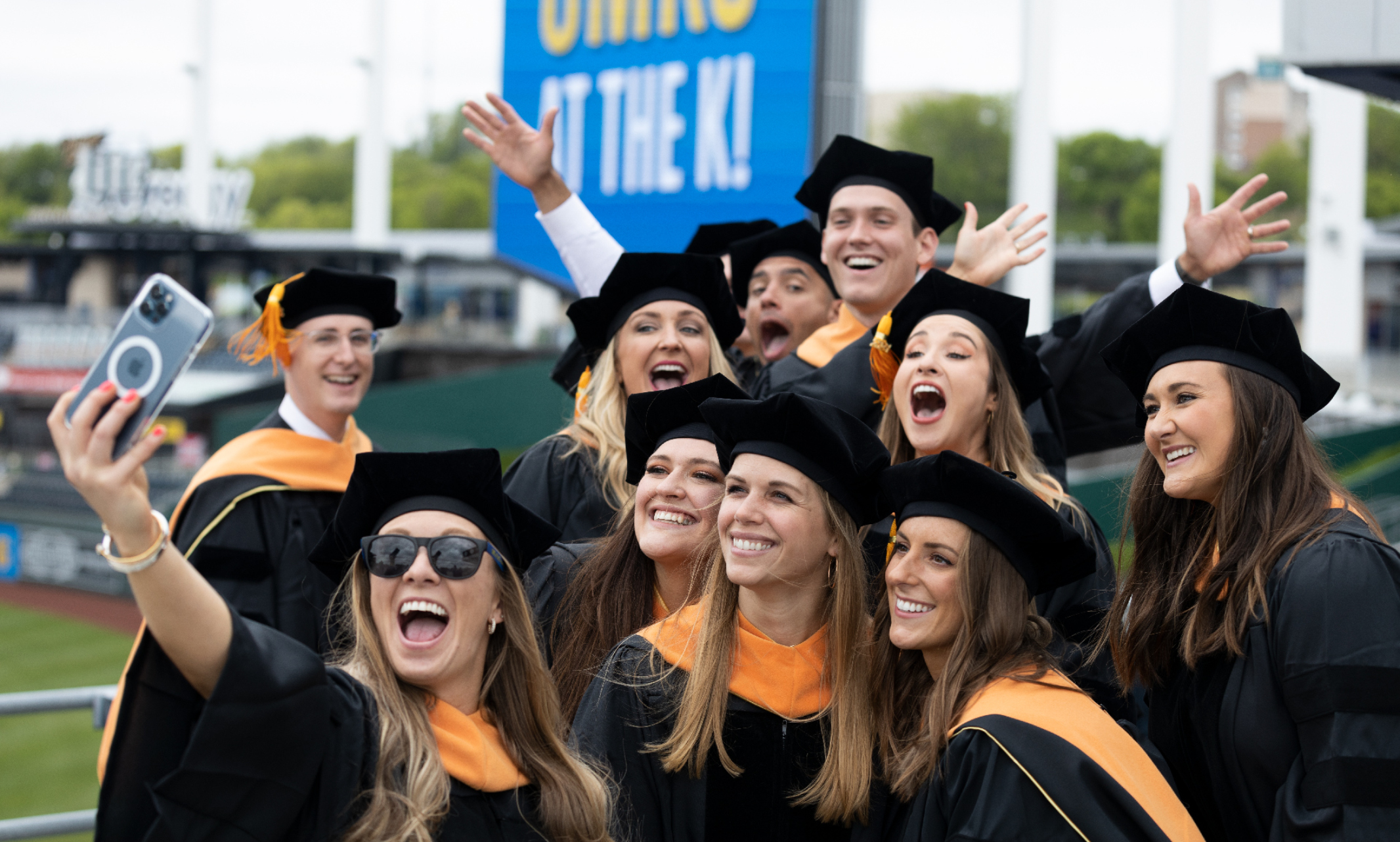
Historic setting at Kauffman Stadium marks emergence from isolation
The University of Missouri-Kansas City emerged from more than a year of pandemic isolation in spectacular fashion, as the community celebrated the degrees earned by more than 2,300 graduates in a historic two-day commencement celebration at Kauffman Stadium, home of the Kansas City Royals.
Kansas City’s university partnered with Kansas City’s beloved baseball team to create an unprecedented pandemic coming-out party in true major-league fashion, complete with the giant CrownVision screen broadcasting each individual graduate larger than life to all guests in the stadium. In addition to the Class of 2021, UMKC invited graduates from the Class of 2020 to return to their alma mater to celebrate their own achievements in person, an opportunity they had missed because of the risks of COVID-19 at its worst.
It was a celebration of not just academic accomplishment, but of perseverance through multiple significant challenges.
“Considering the unique challenges you overcame to get here, it is very fair to say that the classes of 2020 and 2021 are major league in every respect.” - Chancellor Mauli Agrawal
Kauffman Stadium was full of UMKC at The K details on CrownVision and other screens, including #RoyalRoos #Classof2021RooStrong #Classof2020RooStrong Photo by Brandon Parigo, Strategic Marketing and Communications
“Considering the unique challenges you overcame to get here, it is very fair to say that the classes of 2020 and 2021 are major league in every respect,” said Chancellor Mauli Agrawal. “From the great recession that arose when most of you were children; to the unprecedented global pandemic from which we are beginning to emerge, you have been challenged like few graduating classes before. You are here today because you refused to be defeated by those challenges.”
Graduates in the Saturday ceremonies celebrated under overcast skies but stayed dry. Sunday's ceremonies brought rain, but it failed to dampen the spirits of the graduates or the guests who cheered them.
UMKC Conservatory theatre majors wore red noses. Photo by Brandon Parigo, Strategic Marketing and Communications
UMKC graduates enjoyed the #RoyalRoos surroundings. Photo by Brandon Parigo, Strategic Marketing and Communications
Celebrating in the rain! Photo by Brandon Parigo, Strategic Marketing and Communications
UMKC Provost Jennifer Lundgren acted as grand marshal of the ceremony.
"We are so grateful to John Sherman and the Kansas City Royals for giving us this opportunity to celebrate in the majestic Kauffman Stadium," Lundgren said. "We certainly feel at home surrounded by blue and gold."
UMKC alumna Mary Daly, Ph.D., president and Chief Executive Officer of the Federal Reserve Bank of San Francisco, delivered a commencement address that also focused on the unique situation of the two graduating classes.
“The pandemic has torn away the trappings of our normal lives,” she said. “Some of the revelations have been hard. Disparities, divisions, hate, a sense that there is too little for all of us and that we must each fight for our fair share. But we’ve also seen brightness, generosity, vulnerability.”
Because of their pandemic experience, she said the graduates “bring something critical, beyond your degrees and programs. You bring lived experience.”
“In you lies the power to demand something different,” she concluded. “The tragedy of the pandemic can be your strength, your superpower … I guarantee you this: If you do that, our children’s children will read about you. They’ll wonder how those heroes changed the world.”
Graduating students stood waiting to cross the stage. Photo by Brandon Parigo, Strategic Marketing and Communications
The joy of graduation in a ballpark. Photo by Brandon Parigo, Strategic Marketing and Communications
UMKC School of Dentistry has graduated generations of Hawaiian alumni, thus the leis! Photo by John Carmody, Strategic Marketing and Communications
Cheering from the stands. Photo by Brandon Parigo, Strategic Marketing and Communications
Grad caps were especially creative at Commencement at The K. Photo by Brandon Parigo, Strategic Marketing and Communications
Student-Athlete Brandon McKissick crossed the stage. Photo by Brandon Parigo, Strategic Marketing and Communications
“We are so grateful to John Sherman and the Kansas City Royals for giving us this opportunity to celebrate in the majestic Kauffman Stadium. We certainly feel at home surrounded by blue and gold.” - Provost Jennifer Lundgren
The stage was set in front of home plate. Photo by Brandon Parigo, Strategic Marketing and Communications
Grad cap. Check. Umbrella. Check. Smiling selfie. Check, check, check. Photo by John Carmody, Strategic Marketing and Communications
Chancellor Mauli Agrawal and graduates smiled in the rain of the May 16 ceremonies. Photo by Brandon Parigo, Strategic Marketing and Communications
Even the rain tarp celebrated UMKC at The K. Photo by John Carmody, Strategic Marketing and Communications
“The tragedy of the pandemic can be your strength, your superpower … I guarantee you this: If you do that, our children’s children will read about you. They’ll wonder how those heroes changed the world.” - Mary Daly
Graduates line up to cross the stage at Kauffman Stadium. Photo by Brandon Parigo, Strategic Marketing and Communications
Hugging, finally. Photo by Brandon Parigo, Strategic Marketing and Communications
Congratulations, UMKC graduates! #RoyalRoos #Classof2020RooStrong #Classof2021RooStrong Photo by John Carmody, Strategic Marketing and Communications
May 16, 2021
Media outlets report on COVID vaccination rates for Black Missourians
Jannette Berkley–Patton, a professor and community health researcher at the University of Missouri–Kansas City School of Medicine, says that without additional measures to boost vaccination rates in Missouri, African Americans as well as the community at large will remain at risk from the virus. Read more of the latest news coverage.
Kansas City COVID-19 Daily Briefing for May 21 - KCUR
KCUR All Things Considered
Study aimed at increasing COVID-19 testing in churches moves forward - KSHB
May 14, 2021
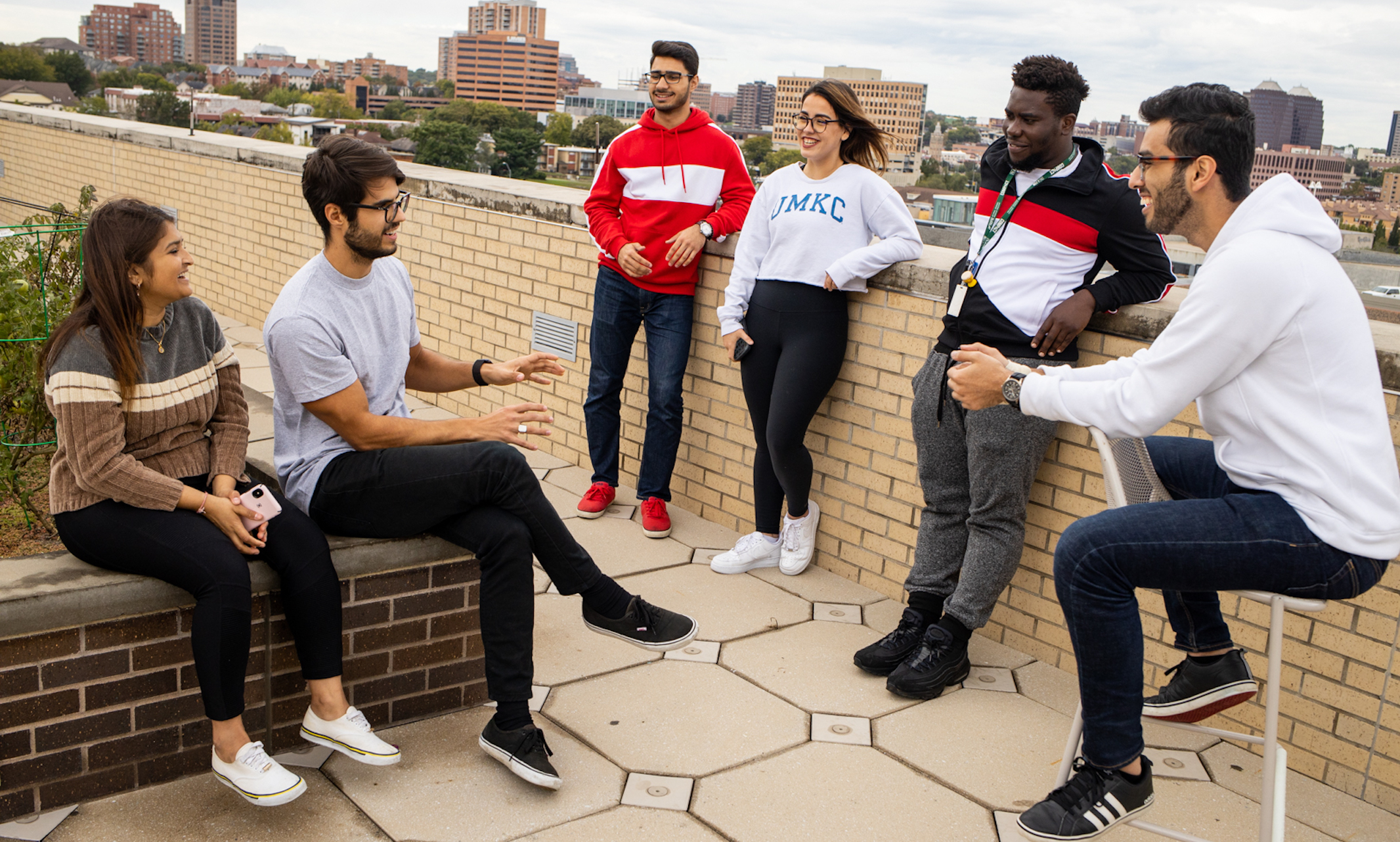
First round of funding from the Ewing Marion Kauffman Foundation supports seven initiatives
The UMKC Entrepreneurship Innovation Grant Program announced its first seven grant recipients this week. These recipients were awarded a total of $250,000 to develop new ways of approaching community challenges.
The Entrepreneurship Innovation Grant Program is a joint effort by the UMKC Innovation Center, the Regnier Institute at the UMKC Bloch School of Management and the UMKC School of Law to increase entrepreneurial activities across UMKC.
“This grant program was designed to create direct incentives to stimulate additional collaboration and growth on campus,” says Laura Moore, program coordinator for the Regnier Institute. “One of the real advantages of this program is that – in addition to the funding – we offer support programs to recipients to accelerate their success.”
"This grant program was designed to create direct incentives to stimulate additional collaboration and growth on campus." – Laura Moore
This year the Ewing Marion Kauffman Foundation donated $400,000 to stimulate on-campus innovation through entrepreneurial initiatives over the next two years. Twenty-one organizations responded to the call for proposals in February. Kansas City Explores Earth and Environment (KC E3) is one of this round’s recipients. An initiative from the Earth and Environmental Sciences department, this program provides support to students of color to pursue STEM degrees and enter the workforce. Participants will partner with high school students from the Kansas City Teen Summit (KCTS) community program to use STEM expertise to explore plans to tackle local environmental hazards and develop solutions for urban climate change.
The program would have looked very different without the grant funding.
“We would have had minimal activities if the program were run by myself and two graduate students,” Alison Graettinger, assistant professor of geosciences, says. “Funding will allow us to achieve a solid UMKC peer mentor to KCTS student ratio and provide additional equipment so student participants don’t have to share. This will enable stronger engagement and genuine practice collecting and managing real world data. We will also be able to bring Black business owners in the environmental sector to come talk to the KCTS students.”
Angela Cottrell, Ed.D, director of research and institute programs, says the funding was equally critical for her team at From Seed to Table to research education and infrastructure investment as she develops a training program for military veterans to receive workforce development and hands-on experience learning urban architecture.
“Without this funding the project would not have existed. Based on this funding our research team will receive an additional $600,000 award from the USDA National Institute of Food and Agriculture program. This will extend the project for three years and allow us to provide more military veteran participation.”
May 14, 2021
School of Medicine associate professor weighs-in for Kansas City Star
“I think there’s a variation of response around COVID vaccination in general, but especially when it comes to children and parents thinking about the safety of their children,” said Bridgette Jones, pediatrician at Children’s Mercy and associate professor, department of pediatrics at University of Missouri-Kansas City School of Medicine. Read the full story from the Kansas City Star. (subscription required)
May 13, 2021
KCTV5 interviews UMKC students about Commencement
Potentially heavy rain this weekend could pour down on several college graduation ceremonies, including UMKC’s commencement at Kauffman Stadium. Under sunny skies Thursday, lawn games acted as a small scale year-end celebration for a group of UMKC’s academic tutors, but the big celebration is this weekend. Read the article and watch the newscast.
May 13, 2021
Eleven students recognized for scholastic performance, community leadership and service
Graduating students who have excelled in both academic achievement and service may be nominated as a Dean of Students Honor Recipient.
“Every semester, it is our pleasure to host a breakfast in celebration of the accomplishments of the Dean of Students Honor Recipients. While this semester has been a bit different, we wanted to continue this tradition by virtually celebrating your achievements,” shared Co-Interim Dean of Students Keichanda Dees-Burnett. [watch the video]
This program recognizes the exceptional students who maintain high scholastic performance while actively participating in University and community leadership and service activities outside of the classroom.
“You are an exceptional group of people. Despite the demands of family, work and studies, you made time to give back to the community. When you saw a need, you worked to fill it. You are humanitarians, leaders and philanthropists and you should rightfully be proud of yourselves,” said Co-Interim Dean of Students Todd Wells. [watch the video]
Congratulations!
Saniya “Sunny” Ablatt – School of Medicine [watch the video]
Nominated by Stefanie Ellison [watch the video]
Mojtaba Mark Abnos – School of Biological and Chemical Sciences [watch the video]
Nominated by Kathleen Kilway [watch the video]
Abdulmajeed Baba Ahmed – School of Computing and Engineering [watch the video]
Nominated by Katie Garey [watch the video]
Charles Burke – School of Medicine
Nominated by Krisana West [watch the video]
Sarah Duggan – School of Law [watch the video]
Nominated by Sean O’Brien [watch the video]
Varsha Muthukumar – School of Medicine [watch the video]
Nominated by Brent McCoy [watch the video]
Isabella Nair – School of Medicine [watch the video]
Nominated by Brent McCoy [watch the video]
Ginikachukwu Osude – School of Medicine [watch the video]
Nominated by Katie Garey [watch the video]
Saloni Patel – School of Pharmacy [watch the video]
Nominated by Cameron Lindsey [watch the video]
Daphne Posadas – Bloch School of Management [watch the video]
Nominated by Katie Garey [watch the video]
Emily Rackers – Conservatory and Honors College [watch the video]
Nominated by Lynne O’Dell [watch the video]
May 13, 2021
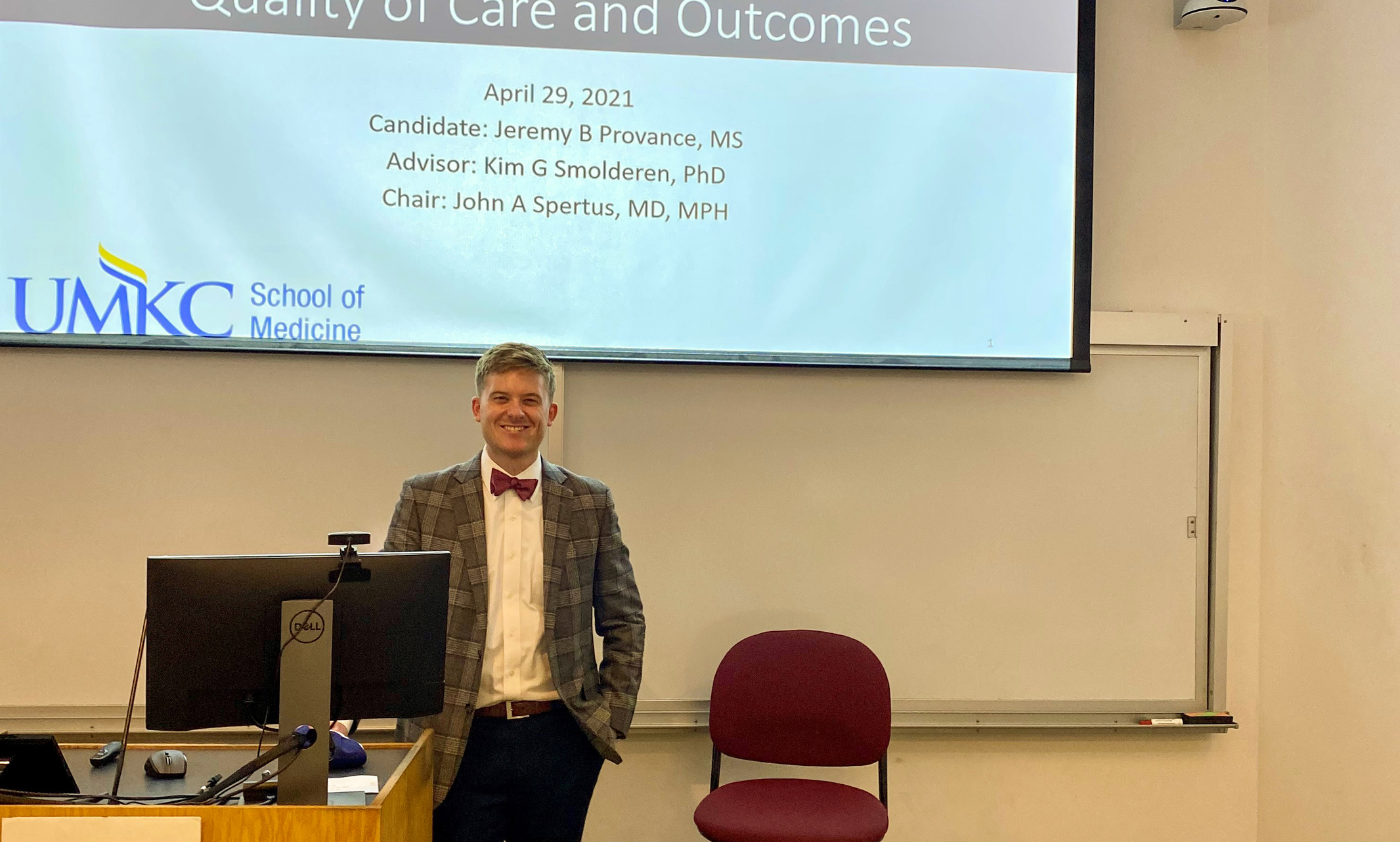
Jeremy Provance interprets data points to tell stories of people’s health
Jeremy Provance was always interested in both health care and computers but wasn’t sure how to fit them together. The UMKC School of Medicine provided his answer.
This month, Provance will be the first Ph.D. graduate from the medical school earning an interdisciplinary doctorate in biomedical and health informatics. He describes the field as taking the enormous amount of health data that is generated every day and “making sense of all of those data points and telling the story about what is happening with our health.”
Provance didn’t know bioinformatics and data science existed until he found them as part of UMKC’s interdisciplinary Ph.D. program. The program allows students to work across disciplines to develop an individual academic plan geared to their specific interest.
Through collaboration with UMKC’s School of Graduate Studies, the School of Medicine started offering bioinformatics as a co-discipline in 2014 and as a primary discipline in 2017. Studying this emphasis, students like Provance primarily focus on biomedical data and knowledge, using that information in problem solving and decision making to develop technology and processes that will shape the future of health care.
Provance earned his master’s degree in bioinformatics at the School of Medicine in 2017. He then continued in the I-Ph.D. program where he found several appealing factors during his studies, including the school’s quality of faculty, research opportunities and interdisciplinary aspect.
“My mentors were so critical to my success, and the faculty were such excellent people both in and out of the classroom. And bioinformatics is a such broad discipline – you can specialize in many different areas.” - Jeremy Provance
“My mentors were so critical to my success, and the faculty were such excellent people both in and out of the classroom,” he said. “And bioinformatics is a such broad discipline – you can specialize in many different areas.” Provance’s studies focused primarily on cardiovascular outcomes research through the Mid America Heart Institute at Saint Luke’s Hospital.
Fostering collaborations with area institutions and corporations and across disciplinary boundaries are the program’s strengths, according to Jenifer Allsworth, Ph.D., and the bioinformatics department vice chair. “Through these partnerships, our students work with and alongside people from different organizations and backgrounds. We are training students to have the skills to best contribute in a rapidly evolving field.”
Provance says his overall goal is to understand “what we do well as individuals, doctors and health systems, and to encourage those practices and to identify areas for improvement to change them for the better.” Soon, he’ll be doing just that at the Yale School of Medicine, where he’s accepted a research position with its Vascular Medicine Outcomes Group.
“I would not have been successful without the guidance of my research advisor, Dr. Kim Smolderen, and my dissertation chair, Dr. John Spertus. And certainly there are so many others – brilliant researchers, administrators, clinicians, fellow students and more – that helped me find my way through this program,” he said.
Though he was familiar with bioinformatics through his master’s degree, Provance says it’s hard to anticipate doctoral work until you are going through it. His advice to others considering the I-Ph.D. program? Find a strong mentor and understand the importance of collaboration and networking. “It makes all the difference when you are identifying the path forward,” he said.
And though it was four years of hard work, overall, Provance says he’d do it all again. “But I’m glad I don’t have to!”
May 13, 2021
Two UMKC Law alumni receive significant judicial appointments
This story originally appeared in Res Ipsa, the UMKC School of Law alumni magazine. To learn more, read the full issue or visit the School of Law website.
Melissa Taylor Standridge (J.D. ’93) Justice, Kansas Supreme Court
Melissa Taylor Standridge
Justice Standridge had been a Kansas Court of Appeals judge since 2008. An adoptive and foster parent, she has a long history of volunteer work and activism on behalf of foster and adopted families. Standridge and her husband, retired Missouri Judge Richard Standridge (J.D. ’80), have six children, including four who were adopted.
She has received numerous awards during her career. Among them are the Sandra Day O’Connor Award for Professional Service from the American Inns of Court, the Carol Foreman Medal of Civility from the Kansas Women Attorneys Association and the Diversity Award from the Kansas Bar Association. She was one of the ten original committee members of the Kansas Bar Association Diversity Committee.
While in law school, Standridge served as editor-in-chief of the UMKC Law Review, Chief Justice of the Moot Court Board and the only student member of the Faculty Hiring Committee. Before graduating from UMKC cum laude, she served as a research assistant for then-professor Ellen Suni, now dean emerita, who Standridge says was an influential role model and mentor.
“A smile inevitably appears on my face when I think about the friends I made and the memories we shared, through both the painless and the more painful aspects of law school.” - Melissa Taylor Standridge
“Through her actions, I learned the importance of adhering to the rule of law, the value of a healthy work ethic and the necessity for excellence in every aspect of practice,” Standridge says. “But the most significant value she exhibited for me was her commitment to justice, fairness and inclusion.”
One of her most treasured memories of law school, she says, was her daily interaction with classmates.
“A smile inevitably appears on my face when I think about the friends I made and the memories we shared, through both the painless and the more painful aspects of law school.”
Brian Gaddy (J.D. ’94) Magistrate Judge, U.S. District Court for the Western District Of Missouri
Judge Gaddy focused primarily on criminal law during a 26-year career in private practice. He accepted
W. Brian Gaddy
numerous Criminal Justice Act appointments to represent indigent defendants in federal court and was appointed as learned counsel in seven federal capital murder cases, avoiding the death penalty in all seven.
In law school, he served as a research assistant to Curator’s Professor Nancy Levit and won the Ralph S. Latshaw Award as outstanding student tin criminal law courses. He graduated with distinction in 1994. Gaddy has served on the UMKC Law Foundation Board of Trustees since 2013. He currently serves as both vice president of the board and chair of the Resources and Leadership Committee.
“I have always felt the education and experience I had at UMKC not only helped me to become a better lawyer, but it helped me become a better person. My law school experience truly changed my outlook on the world,” Gaddy says. He credits Levit in particular. “Professor Levit has been supportive of my career ever since law school. She understands the peaks and the valleys of being a criminal defense lawyer.”
Gaddy sees his new role as a natural fit.
“I have always felt the education and experience I had at UMKC not only helped me to become a better lawyer, but it helped me become a better person. My law school experience truly changed my outlook on the world.” - W. Brian Gaddy
“My career was spent primarily in federal courts, so a federal magistrate judge position felt like home to me,” he says. “I was also positively influenced by numerous federal judges that I appeared in front of during my legal career. Many of them served as positive role models for me, and several served as mentors.”
He believes his career-long commitment to public service will influence his work on the bench.
“I have represented literally hundreds of indigent defendants in the criminal justice system,” Gaddy says. “I have represented homeless clients and victims of abuse through my work with the Volunteer Attorney Project. These experiences certainly shaped me as a lawyer and will serve me well as a new magistrate judge.”
May 13, 2021
Fox4KC taps UMKC Provost Jenny Lundgren
Jenny Lundgren, provost and professor of psychology at the University of Missouri-Kansas City, says while ads churn the economy, the “image” they oftentimes promote can affect our perception of beauty. Read more.
May 11, 2021
KSHB talks to dean of the UMKC School of Nursing and Health Studies about nursing shortage and pandemic
“The educational needs of the nursing profession and the need for nursing care that exists in the U.S. continues to push a feeling of responsibility and pressure on nursing educational institutions,” said Joy Roberts, dean of the UMKC School of Nursing and Health Studies. Watch the newscast and read the article.
May 11, 2021
Nathan Mauck weighs-in on Missouri unemployment benefit news
Business owners do believe part of the reason why they can’t hire enough staff is increased unemployment benefits, but not the only reason. UMKC Associate Professor of Finance Nathan Mauck agrees with business owners. Read the news articles:
Missouri to end extra federal unemployment aid early - KCTV5
Local restaurant staff weigh in on end to COVID unemployment benefits - KCTV5
May 11, 2021
Fox4KC interviews UMKC Bloch professor
Stephen Pruitt, Arvin Gottlieb/Missouri Endowed Chair of Business Economics and Finance at the UMKC Block School, was interviewed for this article. Read the full article.
May 11, 2021
USA Today, more media outlets, interview Barbara Pahud about vaccine
Barbara Pahud, an infectious disease pediatrician at the University of Missouri-Kansas City School of Medicine, said she’s thrilled that the nation can add vaccinated teens to its list of accomplishments. Read the USA Today article. Read more from the Lansing State Journal and Wisconsin Rapids Tribune.
May 11, 2021
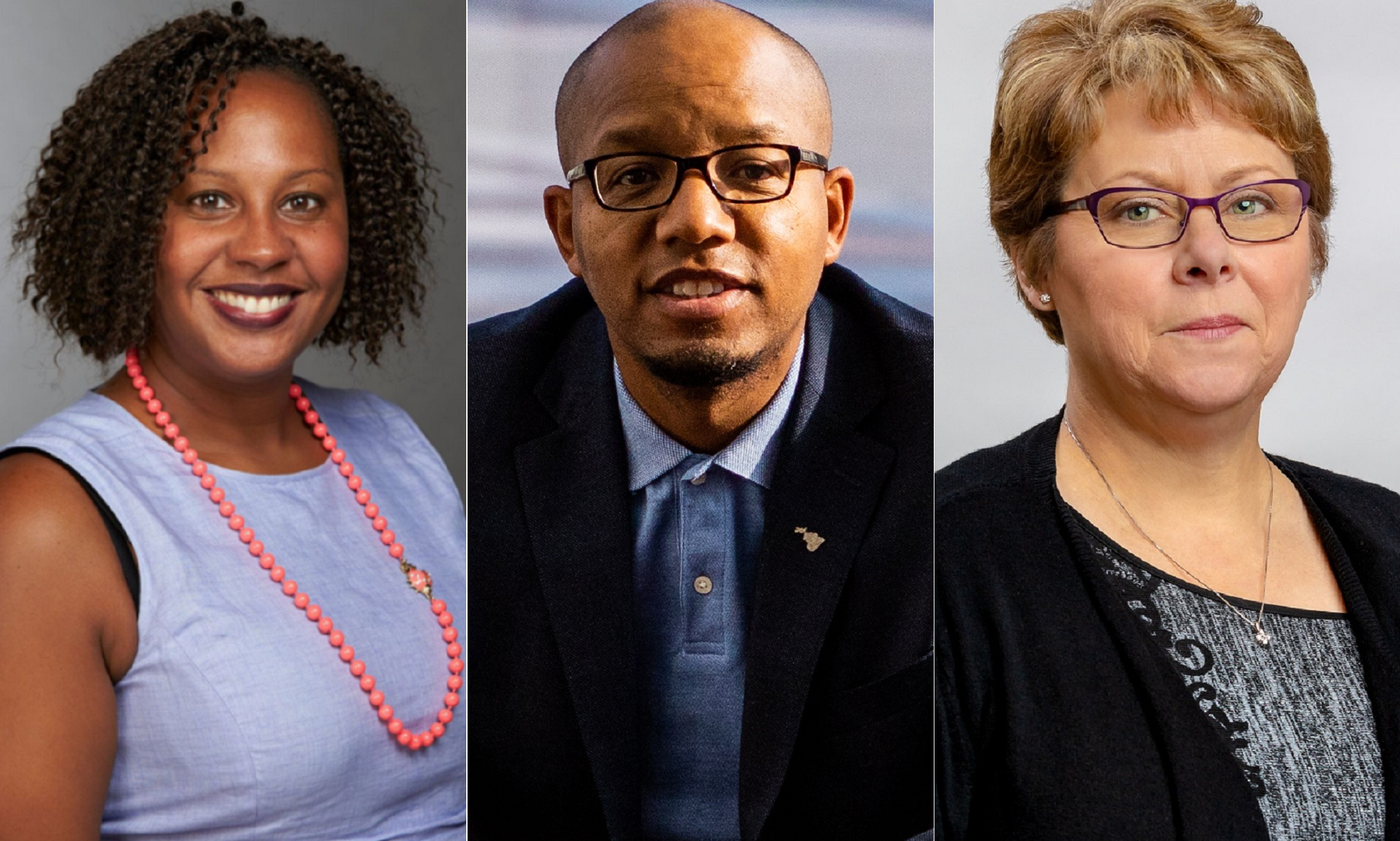
Standouts in health outreach during the pandemic will be recognized by national foundation
Three members of the UMKC health care community have been recognized by the university as 2021 Gold Foundation Champions of Humanistic Care.
They will be among those from across the country honored at a virtual gala June 10, where three national honorees, including Anthony Fauci, M.D., will also be recognized.
The winners, all nominated by the UMKC School of Medicine and its dean, Mary Anne Jackson, M.D.:
Bridgette L. Jones, M.D., M.S.C.R., associate professor of pediatrics; assistant academic dean in the medical school’s Office of Student Affairs; allergy, asthma and immunology specialist at Children’s Mercy
Obie Austin, F.N.P., M.S.N., UMKC Student Health and Wellness director and UMKC School of Nursing alum
Pam Bean, R.N., B.S.N., M.H.S.A., M.B.A., Truman Medical Centers/University Health vice president for practice management and ambulatory care
Sharing vital information
Jones was commended for working to ensure humanistic care for patients, providing COVID-19 education along with other trusted messengers and sharing her voice to eliminate health inequities for those most affected by the pandemic.
Her activities included working with a medical student leader to distribute masks to medical centers and communities in need, and collaborating with a faculty colleague to launch a fund-raising campaign to support Children’s Mercy employees who had unexpected financial need during the pandemic. She also discussed COVID-19 with community teenagers to answer their questions and was the host and moderator of a panel discussion with other trusted physicians and faculty focused on COVID-19 disease and vaccination in the Black community of Kansas City.
“Over the past year the pandemic has brought so much grief, sorrow, loss and pain to so many individuals, communities and our entire world,” Jones said. “I have been blessed to have my calling and purpose as a physician and as a human being to be a helper. I am blessed and privileged to be able to use my knowledge, skills and my voice to advocate and speak up for those who are most often thought of last or not thought of at all.”
Caring and collaborating
Austin, the longtime director of student health services for the university, was praised as “one of our true heroes over the past year” for his leadership in fostering a culture of care and service. He was commended for quickly learning about COVID-19 and continuing to say up on the latest information so he could be a trusted source for the broader UMKC community and as a member of the university’s Coronavirus Planning Team.
“Providing care never takes the back seat,” Austin said. “I learned that from so many beautiful souls that poured into me as a student here at the University of Missouri-Kansas City’s School of Nursing and Health Studies, and it has been an honor to give back to the community educators making a difference in the Kansas City community.”
Austin, a commander in the U.S. Navy Reserves, reflected on the past year.
“This war on COVID has tested our resiliency, fueled our compassion for others and most definitely our ability to see each other in an equal light fighting together as one people to save our humanity,” he said.
Rapid response throughout pandemic
Bean was praised for her efforts that kept Truman Medical Centers, a vital member of the UMKC Health Sciences District and a key affiliate for the School of Medicine, on top of the pandemic. Her nomination for the award said Bean “could not have been replaced in the early, uncertain days of the pandemic.” She helped design the protocols that enabled TMC to initially provide more than 100,000 COVID-19 vaccines, and her quick work allowed TMC to be the first medical center in the metro area to vaccinate its staff.
“Providers worked quickly, and with compassion, to match the cruel reality of patients dying without family by their bedside,” Bean said. “Patients turned to providers for emotional support, and I am proud of my team for answering that need while offering high-quality, comprehensive care.”
The Arnold P. Gold Foundation is dedicated to the proposition that health care will be dramatically improved by placing the interests, values and dignity of all people at the core of teaching and practice. In addition to Fauci, this year’s national Gold Awards will honor Wayne Riley, M.D., president of SUNY Downstate Health Sciences University and head of the Board of Trustees of the New York Academy of Medicine, and Eric Topol, M.D., founder and director of the Scripps Research Translational Institute and professor of molecular medicine at the Scripps Research Institute.
May 11, 2021
Local media announces efforts, which will be led by Jannette Berkley-Patton
Efforts will be led by Jannette Berkley-Patton, Director of the UMKC Health Equity Institute, and the project will run from June 1 until Nov. 31. Read the articles:
Jackson County Executive endorses 'Our Healthy KC Eastside' project - KSHB
Jackson County OKs $5 million to improve low COVID-19 vaccination rates on East Side - Kansas City Star (subscription required)
Jackson County spending millions in relief funding to vaccinate people in 6 zip codes - Fox4KC
New initiative will focus on building COVID-19 vaccine confidence in east Kansas City - Fox4KC
Jackson County will use federal funds to help vaccinate inner-city residents - KMBC
Jackson County meets for $5 million vaccine hesitancy proposal - KCTV5
UMKC-led project seeks to increase vaccination intake on KC’s eastern side - KCTV5
Jackson County Legislature Unanimously Approves “Our Healthy KC Eastside” Project - Lee's Summit Tribune
Jackson County OKs $5 Million To Ramp Up COVID Vaccinations On Kansas City’s East Side - KCUR
UMKC Awarded $5 Million to Fight COVID on Kansas City’s East Side - The Community Voice
May 10, 2021
Bloch School professors lend expertise to media
As Kansas City starts to open back up from the pandemic, employers across Kansas City are finding it difficult to hire enough employees. When looking for experts to explain the problem, many reporters look to the economics and finance professors at UMKC. Here are some of the recent stories:
KCTV5 with UMKC Bloch School associate professor of finance Nathan Mauck
KCUR with UMKC Bloch School professor of Executive Education Ann Hackett
KSHB with UMKC Bloch School Arvin Gottlieb/Missouri Endowed Chair of Business Economics and Finance Stephen Pruitt
May 10, 2021
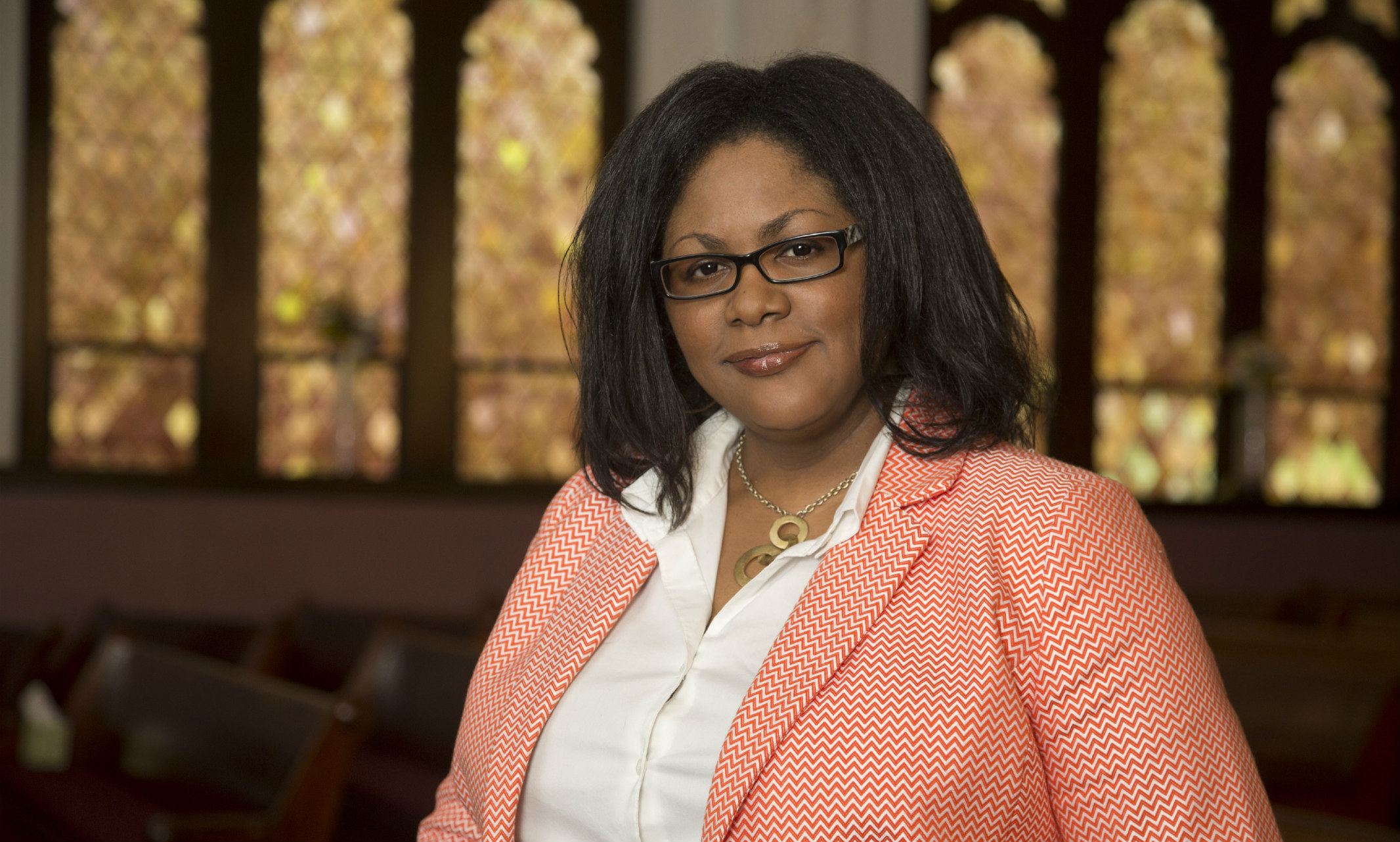
Jackson County approves CARES Act funding to promote vaccinations and other preventive care
The Jackson County Legislature has appropriated about $5 million in CARES Act funding to a project led by the University of Missouri-Kansas City to promote and deliver widespread COVID-19 vaccinations and other health services to neighborhoods on Kansas City’s east side, the city’s most socially vulnerable community.
Our Healthy KC Eastside (OHKCE) has been developed through a community-engaged process that included input from 10 meetings with community stakeholders across the east side. Jannette Berkley-Patton, Ph.D., professor in the UMKC School of Medicine and director of the university’s Health Equity Institute, is leading the project.
The project’s primary goals are to address vaccine hesitancy and health inequities in portions of Jackson County identified by the Centers for Disease Control and Prevention as having exceedingly high socially vulnerable index scores. The project will run from June 1 until Nov. 31.
“We are eager for the opportunity to partner with Jackson County on this project, and address health disparities related to COVID,” said UMKC Chancellor Mauli Agrawal. “Thanks to Dr. Jannette Berkley-Patton and her research, we have a clear understanding of the challenges and opportunities ahead of us - and the critical relationships that will ensure the program’s success.”
The COVID-19 education, communication and vaccination project will work with partners including Truman Medical Centers, the Kansas City Health Department and the Black Health Care Coalition. Other UMKC partners include the schools of Pharmacy, Medicine, Dentistry and Nursing and Health Sciences; Center for Neighborhoods, Multicultural Student Services Center and Roos Advocating for Community Change.
To reach people in the community, the project will engage with more than 120 community leaders and liaisons in east side neighborhoods, including businesses, churches, neighborhood associations and youth organizations.
According to the university’s funding proposal, the east side has experienced some of the highest rates of COVID-19 infections, hospitalizations and deaths in Jackson County while low vaccination rates persist. COVID-19 has also contributed to a drastic reduction in use of preventive health services.
May 10, 2021
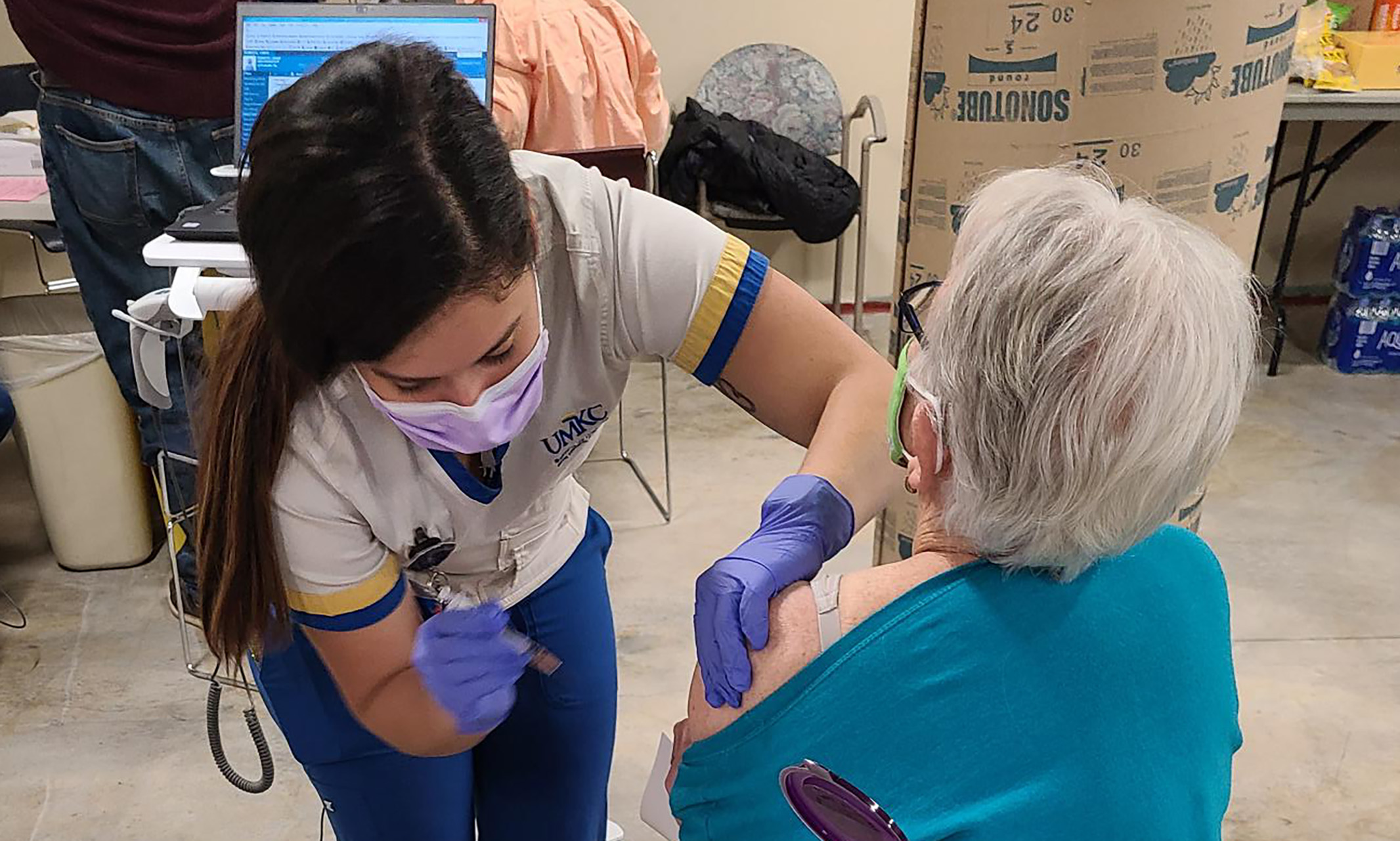
Meet the medical, nursing, pharmacy and dental students who are helping
At the University of Missouri-Kansas City, students from the four Health Sciences Campus schools have been busy in the COVID-19 vaccination effort, volunteering thousands of hours of service.
Third-year medical student Nikki Seraji said she recognizes that nurses and pharmacists often bear the brunt of the work of actually administering vaccines. So, when Stefanie Ellison, M.D., UMKC School of Medicine associate dean for learning initiatives, asked for medical student volunteers to become certified vaccinators, Seraji jumped at the opportunity.
“I’m studying the medical field and going to be doing this for a living and felt like I couldn’t help out enough,” she said. “When the opportunity to volunteer (as a vaccinator) came in in mid-January, I wanted to take advantage.”
Ellison said that 66 UMKC medical students from years one through six have been trained and certified to give vaccines. The students give vaccinations daily at the Truman Medical Center COVID-19 vaccination center at the University Health 2 building. They’ve helped with the School of Pharmacy’s campus vaccine clinic, assisted in vaccination events at Kansas City’s Arrowhead Stadium, the Kansas City Zoo, Hallmark and the Missouri Cerner campus among other events and clinics.
At the school’s new St. Joseph Campus, Steve Waldman, M.D., campus dean, said all of his students have been certified as vaccinators and have given vaccines at the St. Joseph Mosaic Life Care vaccination center. Many, he said, have participated in other community vaccination outreach events as well.
Ellison said she works daily to partner the School of Medicine with vaccine clinics and events across Kansas City.
“Our students are so wonderful that when TMC has a busy day, I can email or text our students to help in a pinch and three to five students show up to help,” she said.
Students at the School of Pharmacy are trained and certified to give vaccines during the second year of their curriculum. As of mid-March, pharmacy students and faculty had volunteered 4,400 volunteer hours to administer more than 17,500 doses of vaccines at 36 events throughout the state.
Jane Beyer, a third-year pharmacy student, said she began helping administer COVID vaccines in December as soon as they were available.
“It is exciting that as student pharmacists we are able to get out there and really help the community and be part of the solution to COVID-19” she said. “It's a very rewarding feeling to be part of the vaccine efforts in Kansas City.”
Medical student Seraji echoed that thought and admitted being a bit anxious when she was learning to administer a shot. With the help of the nurses who trained her, she was able to quickly adapt. Now she volunteers as a vaccinator at least once a week as her class schedule allows.
“I was definitely anxious when I was getting certified but I did maybe 20 or 30 (shots) the first time I was on my own and you get into a routine,” she said. “I’m trying to think how many that I’ve vaccinated. I don’t know but it’s definitely more than 80 or 90.”
Next door on the UMKC Health Sciences campus, nursing student Ciera Ayala got involved when the vaccination efforts were made an option for her clinical rotations. In fact, she has been part of eight vaccination events, most of them at Truman.
When she was vaccinated, Ayala said, she felt relief and “like there was a light at the end of the tunnel.” Now she is happy to share that feeling with all the people she inoculates.
“I find it very gratifying,” Ayala said. “I got to be a part of history, and it felt really good to be a part of the efforts to end this pandemic. It was also relieving, but also a little overwhelming, when we would have a line of hundreds of people for hours and hours ready to get their vaccine. It makes me happy that people are trusting in science!”
Ayala doesn’t remember any particular vaccine recipients, but she said, “it just felt really good when people were appreciative of our efforts.
“Health care workers don’t often get the recognition that is deserved, so when people recognized how hard we were working, it felt amazing.”
From the School of Dentistry, 119 third-and fourth-year students bolstered the ranks of student vaccinators after they were trained in early April. They already knew how to give the more involved injections needed to numb dental patients but had to learn the quicker technique for vaccines.
They were trained by Meghan Wendland, D.D.S., M.P.H., an assistant professor in the dental school, with help from faculty at the School of Nursing and Health Studies. They quickly joined in at Truman and at events for their fellow UMKC students.
One dental student, Tiara Fry, said she was “a little nervous” the first few times she gave the shot, “but once I got comfortable with it, it was great! It felt amazing to be a part of diminishing the spread of a virus during a pandemic.”
Fry said she sympathized with people who were skeptical or fearful but hoped to share the relief she felt when she was vaccinated.
“I knew it was for a great purpose to do my part in protecting myself and those around me,” she said. “I felt for those who were extremely afraid of needles. Many would tell me right before I gave the injection, so I tried my best to make them feel as comfortable as possible.”
Beyer said that working with the vaccine effort has made her a valuable resource to friends and family, helping them stay up to date on the latest information and vaccine availabilities.
“It's interesting that people have a lot of different responses to getting the vaccine,” she said. “There's kind of a split. Some people, I think, feel obligated to get the vaccine and are kind of nervous. But there's also the other half that just give sigh a sigh of relief after they get the vaccine. They're wanting to protect themselves and also all their loved ones.”
Beyer estimated that she has participated in at least 10 vaccine clinics since December and only wished she had time to do more. She said that at one mass event she participated in, more than 800 people were vaccinated.
“We wish we could be there all the time helping,” she said. “With school, it’s hard to dedicate all your time going out and vaccinating. Without all the volunteers, who knows where we would have been on this vaccine rollout schedule.”
May 10, 2021
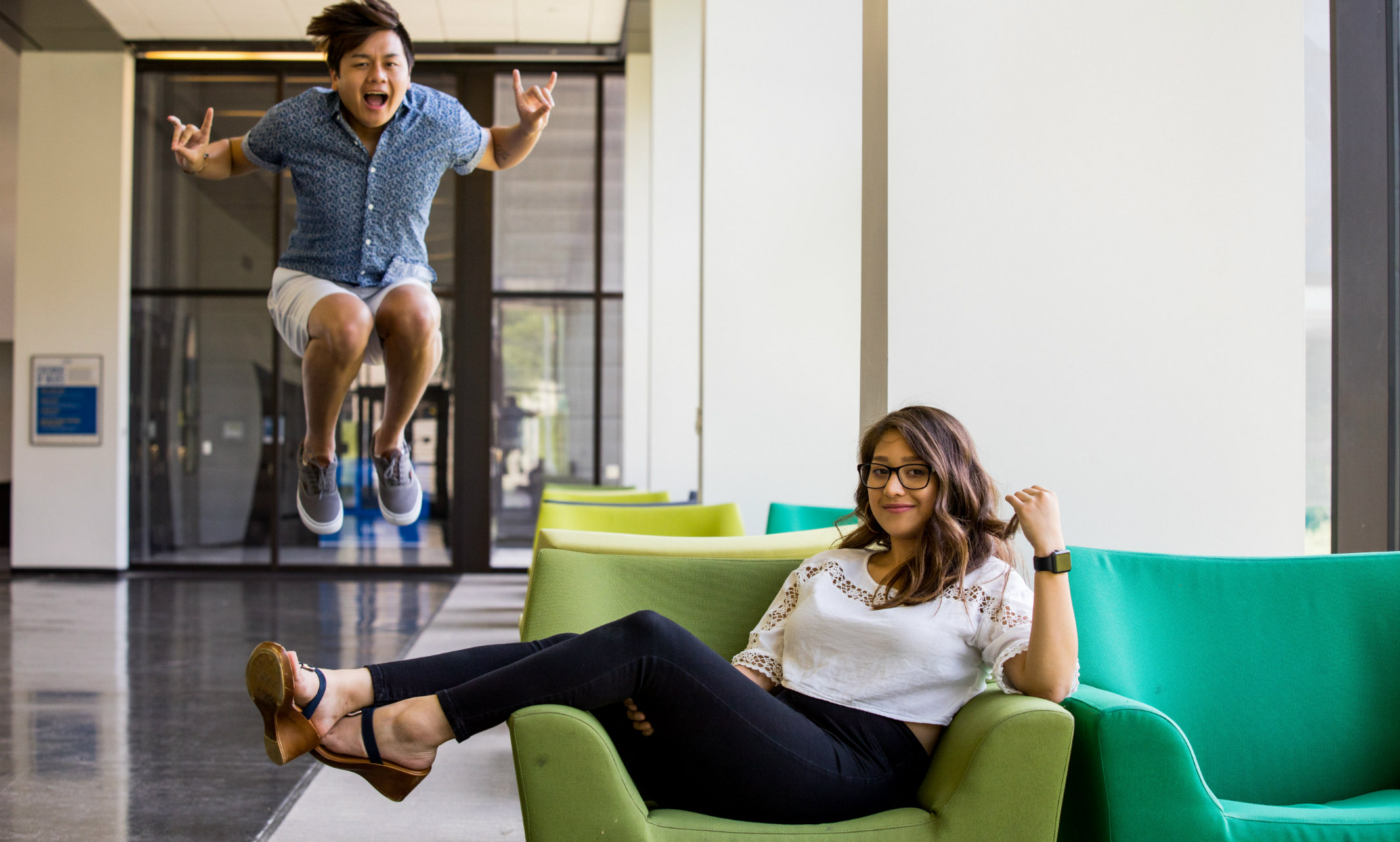
UMKC to have full-capacity Fall 2021 semester
With the incidence of COVID remaining low on campus and more and more people getting vaccinated, the University of Missouri-Kansas City is #RooReady to return to full-capacity, in-person classes and activities for the Fall 2021 semester.
“We are excited to reach the point of being able to plan for a ‘normal’ fall,” said UMKC Chancellor Mauli Agrawal. “Of course, we will continue to consult with the health experts on the UMKC Health Sciences Campus and our city’s health partners and follow their advice. But we are confident that we will be able to safely resume in-person, full-capacity classes and campus life.”
Agrawal praised the campus community for its diligence and resilience after COVID-19 prompted a pivot to online classes in March 2020. Since then, thousands of UMKC faculty and staff have worked to make the campus safe while continuing in-person classes and activities following stringent safety measures. That work and compliance with precautions — including mask wearing, free COVID testing and multiple campus vaccination events — have helped the university prevent further spread of the disease among the campus community.
For fall semester:
Residence halls and food service will resume normal operations. Lounge areas and common spaces will be reopened so students, faculty and staff can meet in person. Dining halls and other food venues will resume a full array of offerings and return to normal hours. A new monthly pop-up restaurant will be at the Student Union.
Classes, events and activities including the nearly 300 student organizations will meet in person.
Convocation, the official start to the academic year, will be in person and will kick off several weeks of special in-person student activities and events known as RooWelcome.
Our Division I Kansas City Roos are planning a full slate of regular season contests in the fall.
“Although this has been an unprecedented semester, I have no doubt in my mind that the UMKC community will persevere,” said UMKC Student Government Association President Tim Nguyen. “As UMKC Roos, kangaroos cannot move backwards; only forward. We will take it one step at a time as we transition and continue towards the post-pandemic and fall semester soon upon us.”
Provost Jenny Lundgren said faculty and staff at UMKC are ready to welcome students back.
“As our campus remains safe, we are excited to prepare for a return to in-person learning and activities,” said Lundgren. “No matter what the fall brings, we will ensure that we are ready to give our students a unique and rewarding experience.”
May 06, 2021
UMKC law alumnae instrumental in creating scholarship for aspiring women lawyers
This story originally appeared in Res Ipsa, the UMKC School of Law alumni magazine. To learn more, read the full issue or visit the School of Law website.
“I still get choked up when I talk about it.”
Teghan Groff
For Teghan Groff (J.D. ’23), a full-tuition scholarship to the UMKC School of Law means having the freedom to pursue her true passion.
“If you want to go into criminal defense and public interest, like I do, you’re not looking at paying back debt very quickly,” says Groff. “Help like this means so much, especially when you’re paying for school on your own.”
Groff is the first recipient of a new scholarship offered by the UMKC Law School in partnership with the Association for Women Lawyers Foundation (AWLF). The AWLF will contribute $10,000 annually for three years, matched dollar-for-dollar by the Law School, resulting in a full-tuition scholarship for a first-year, female law student pursuing a juris doctorate. Recipients must demonstrate leadership skills and excel academically.
Mira Mdivani
Two Law School alumnae, Mira Mdivani (J.D. ’99) and Athena Dickson (J.D. ’03), both former presidents of the Association for Women Lawyers of Greater Kansas City (AWLKC), helped make the scholarship a reality, along with Dean Barbara Glesner Fines and AWLF leadership.
“We asked ourselves, what can we do to truly change someone’s life?” says Mdivani, a business immigration attorney with the Mdivani Corporate Immigration Law Firm in Overland Park, Kansas, and the recipient of the 2020 UMKC School of Law Alumni Achievement Award. The answer was simple: to enable a remarkable woman to attend law school without the burden of student debt, particularly someone who may not have the chance to become a lawyer otherwise.
Athena Dickson
“It’s us saying, ‘We believe in you, and here’s a full scholarship to show that,’” says Dickson, a personal injury and employment discrimination attorney for Siro Smith Dickson PC in Kansas City, Missouri. Dickson and Mdivani got involved with the AWLKC after graduating from UMKC Law School. The organization connected them to female colleagues with valuable advice about navigating the traditionally male-dominated field of law. Now, both women want to pay it forward by mentoring and offering support to other young women.
“I can tell a difference compared to when I first started out,” says Dickson of her experience as a female lawyer. “Women still have a harder time, but it feels like I’m treated better, and I think some of that is directly related to the legal profession working toward gender equality.”
Still, there is more work to be done to achieve equality in law and the U.S. workforce as a whole.
“Women make less money than men, do more busy work for businesses and families, and often don’t have the same opportunities as men,” says Mdivani. She says that’s one reason why it’s so important to support education for aspiring women lawyers like Groff, because they can influence policies and laws to combat inequality and “make life better for everyone.”
Groff, who began studying at the UMKC School of Law last summer after graduating from Fort Hays State University, wants to focus her efforts on tackling inequity in the criminal justice system.
“I thought I wanted to be a prosecutor, but then I realized how much of a mess the system is and how intimidating it can be for clients,” says Groff. “I want to be a helping hand through that, so I switched to criminal defense.”
Once she started talking to professors and fellow students, Groff knew the UMKC Law School was the ideal place to make that happen.
“I just said, ‘OK, this is it,’ and I haven’t been disappointed.”
May 05, 2021
Flatland interviews Sandra Enriquez
Sandra Enriquez, assistant professor of history at the University of Missouri-Kansas City, was interviewed for this story. Read the article.
May 05, 2021
As court proceedings move online, judges lean into new technologies and procedures to ensure a fair hearing for all who appear
This story originally appeared in Res Ipsa, the UMKC School of Law alumni magazine. To learn more, read the full issue or visit the School of Law website.
As the COVID-19 pandemic took hold, Judge Anne J. (Daddario) LaBella (J.D. ’92) was astonished to see such a large institution shift to online operations literally overnight.
Judge Anne (Daddario) LaBella
“If you would have told me one year ago that our courthouse would close to the public when we were seeing upwards of 2,000 cases per day, I would have never believed it,” says Judge LaBella of the 16th Judicial Court of Missouri. “In the old days, just closing dockets for a snow day was a historic occasion.”
And yet, the courts never really closed. Hearings held during the pandemic, totaling tens of thousands in the Kansas City Circuit Court and close to 250,000 in the Municipal Court, were a constant intersection of legal reasoning, institutional integrity and technological know-how.
Each hearing dealt in real time: attorneys juggling childcare amid a hearing, staff fielding constant technical issues and, yes, some litigants participating in hearings while ordering fast food in the drive-thru.
Judge David M. Byrn (J.D. ’81), who serves as presiding judge of the 16th Circuit Court, helped lead a staff of 700, spread out through the metro area, to move court online. For him, logistics were the biggest concern — training staff on WebEx and ensuring everyone, from law clerks to records staff, could work remotely — along with keeping some semblance of a traditional hearing.
“All the process and procedures are the same: rules of evidence, due process, objections,” Byrn says. “It’s just a different way to do it.”
“If you would have told me one year ago that our courthouse would close to the public when we were seeing upwards of 2,000 cases per day, I would have never believed it.” - Judge Anne J. (Daddario) LaBella (J.D. '92)
Judge David Byrn
Judges were the crucial force in keeping everything running smoothly in their respective courtrooms. That meant repeating questions and answers when an attorney on WebEx couldn’t hear the attorney who was in person or coordinating with attorneys on scanning and email exhibits before hearings.
It also meant telling attorneys they were on mute. Often.
Judge Jessica Agnelly (J.D. ’05), appointed as an associate circuit judge in August 2020, had the unique experience of being both a practicing attorney and a judge last year.
“If anything, I had the experience of waiting in a virtual waiting room for a really long time before my case was called, wondering ‘Have I done this right? Am I in the right place?’” Agnelly says.
Virtual hearings aren’t new, but the increase in scope brought new questions for judges. Byrn says: “If you look at the court in general, courts are probably slow to change and slow to embrace change, which I would suggest is a good thing because the consistency of the courts is not necessarily responding to the back-and-forth changes that you oftentimes see in society. I think it makes the courts serve as the backbone of our democracy.”
But the courts did support adaptation. He noted rulings by the Missouri Supreme Court, which embraced virtual technology and acknowledged that due process rights are fully protected by video conference and teleconference.
Judge Jessica Agnelly
Practically speaking, some aspects of hearings are very difficult to do online. Jury trials, by and large, are too difficult to hold virtually without violating due process or keeping a jury engaged. Agnelly says she’s hesitant to have preliminary criminal hearings virtually because it can impede defendants’ rights to confront witnesses at trial.
At the municipal level, some virtual hearings can be more challenging. LaBella says specialty dockets in domestic violence court, drug treatment court and mental health treatment court are extremely difficult to conduct virtually because many defendants don’t appear. The reasons vary: unfamiliarity with technology, forgetfulness or because the court cannot issue warrants for failure to appear virtually.
Still, Byrn, LaBella and Agnelly say the advantages outweigh the disadvantages. It saves attorneys travel time and money if they don’t have to drive to the courthouse for a 15-minute hearing. Virtual hearings have helped pro-se litigants, providing them more opportunities to appear and be heard.
And it has allowed judges and attorneys alike to work and raise children. When she was still a practicing attorney, Agnelly was a part of hearings while homeschooling her daughter.
“I would panic that my daughter would interrupt at the wrong time and the judge would be so angry,” Agnelly says. As a judge, “I make it a point to be as understanding as possible.”
Most importantly, Byrn says that as the pandemic eases and a new normal takes hold, it will provide something crucial for all who come before judges: “better access to justice.”
May 05, 2021
Provides Opportunity for New Graduates and the Community
This story originally appeared in Res Ipsa, the UMKC School of Law alumni magazine. To learn more, read the full issue or visit the School of Law website.
When it became clear the COVID-19 pandemic was going to be a long-term challenge, the School of Law was left with its own challenge: how to continue its mission of supporting students and the community during a global pandemic.
One key part of that response has been the Truman Fellows program, instituted in Fall 2020. This new initiative fills two key roles:
Providing jobs for recent law alumni, some of whom have had difficulty securing jobs due to the pandemic
Supporting community members with their legal needs, especially those that have been caused or worsened by the COVID-19 pandemic
The program — named after President Harry S. Truman, who attended the Kansas City School of Law from 1923 to 1925 — was launched with a $25,000 grant from the Kansas City Regional COVID-19 Response and Recovery Fund. This initial grant enabled a cohort of four fellows to be placed in the School of Law’s Entrepreneurial Legal Services Clinic, Tax Clinic, Self-Help Legal Clinic and Digital Initiatives team.
Together, this group assisted small business owners applying for emergency federal funding, helped community members navigate pandemic-related tax issues and worked with the State of Kansas to develop an online system for domestic violence victims to obtain restraining orders while courts were closed. Additional support from United Way established the Tenant Representation Initiative, allowing an additional four fellows to work solely on keeping clients in their homes during the pandemic.
Jeffrey Thomas — associate dean for strategic initiatives and graduate programs, Daniel L. Brenner faculty scholar and a professor of law — helped set up the Truman Fellows program. He says this work is especially important today because many pandemic relief efforts have a legal element. A great example, he says, is the Centers for Disease Control and Prevention’s temporary halt on evictions instituted in September 2020. To be protected, tenants need to fill out a form and serve it to their landlord, which the landlord can then dispute in court. At this point, the tenant needs a lawyer. That’s where the Truman Fellows can step in.
“There’s this solution out there — the moratorium on evictions — but the solution requires some legal knowledge and assistance, and we can play a role that way,” he says.
David White, a visiting professor and of counsel at Foland, Wickens, Roper, Hofer and Crawford, P.C., oversees the Tenant Representation Initiative. He says what started as an eviction project eventually grew into something broader.
“Because of the pandemic, the folks that are in these service industry jobs aren’t able to go to work, and so as a result they don’t have income,” he says. “For some of them it has been a tipping point for them both emotionally and mentally — if your housing is unstable, it throws everything off.”
Adjunct Clinical Professor Brian Larios, who also assists with tenant representation, says the impact he is able to make alongside the fellows is particularly profound.
“So many of the clients we represent are at the doorstep of desperation. They have nowhere else to turn,” he says. “To literally see their tears of joy as they realize the assistance that we will be able to provide is incredibly rewarding.”
Working with United Way, the School of Law has been able to secure funding for an additional cohort of fellows in early 2021 that will continue to focus on eviction work. This will become increasingly important, Thomas says, whenever the CDC discontinues its temporary halt on evictions.
Larios says the work of the Truman Fellows — who so far have assisted more than 218 people with their eviction cases — is directly in line with the Law School’s mission.
“The work we have done has provided security to families who would otherwise have become homeless,” he says. “The impact on those lives is immeasurable.”
May 05, 2021
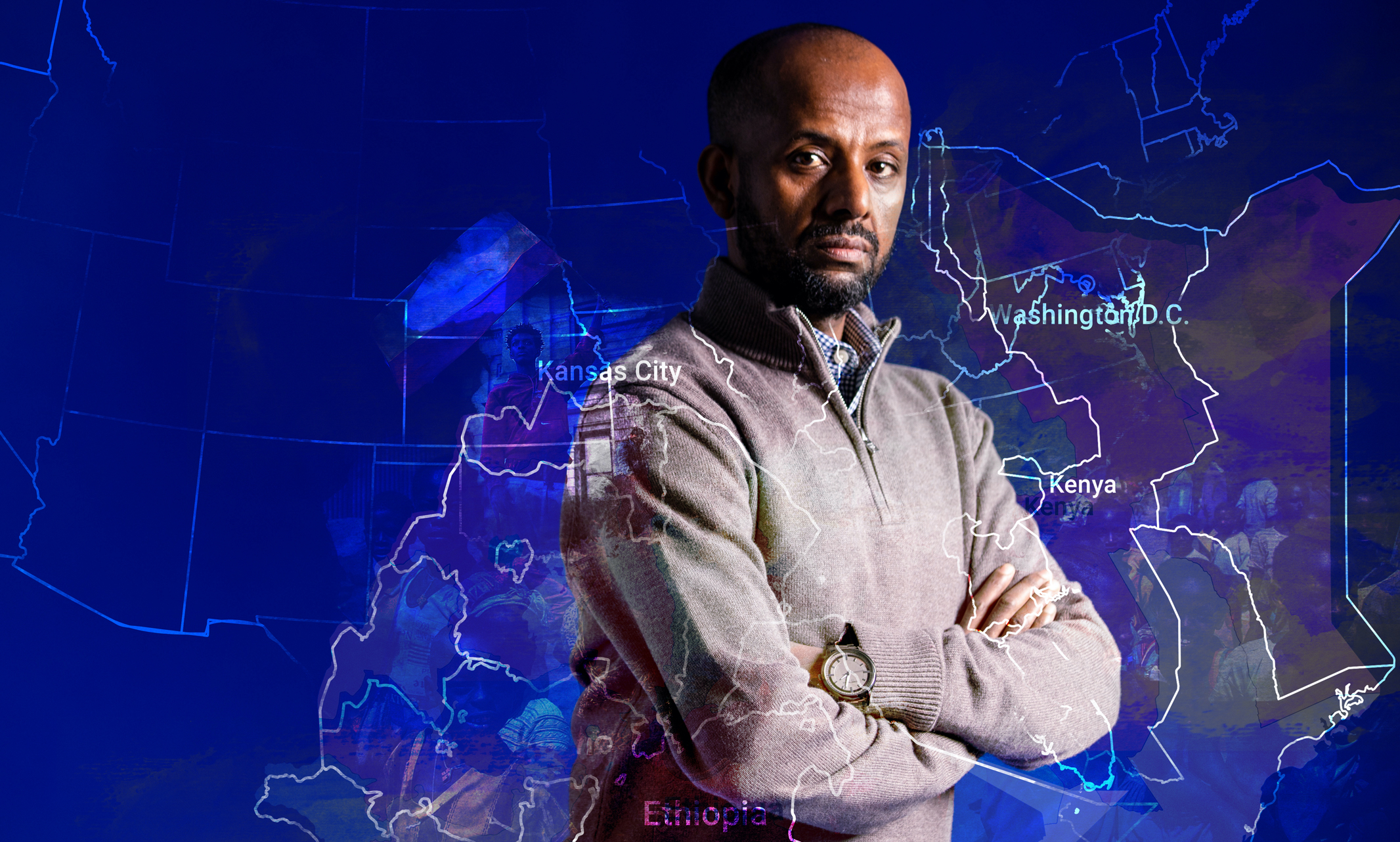
Mekebib Solomon (J.D. ’20) has earned his law degree twice, in two different countries. That’s not the most interesting thing about him.
This story originally appeared in Res Ipsa, the UMKC School of Law alumni magazine. To learn more, read the full issue or visit the School of Law website.
In his home country Ethiopia, Mekebib Solomon was a successful practicing attorney and judge — until he drew the attention of government officials who wanted him to convict political dissidents who had not received due process. Growing pressure to comply and fear for his safety brought him to the United States, where his story has been far different than those in his homeland.
“My father is a factory worker and my mother works in an office,” Solomon says of his parents who still live in Ethiopia. “They didn’t have an education, but they paid for me and my brother to go to private school. We had the best education available in my home country.”
Solomon studied hard and decided to study law. He graduated from Addis Ababa University School of Law and Governance with an LLB degree and was eventually appointed as a federal judge in the district court. On the bench, Solomon was responsible for reviewing cases of people who were imprisoned without due process.
“I left everything and fled to neighboring Kenya to save myself from unlawful arrest and prosecution.” - Mekebib Solomon
“People were arrested because of their affiliation to parties that opposed the government,” he says. “Many were human rights activists who were reporting violations … Despite the threat and pressure from government officials, I released people because no charges had been filed against them and there was no legal ground to imprison them indefinitely.”
As political unrest mounted in Ethiopia, the government was also putting pressure on Solomon to fall in line.
“My parents taught me to respect myself and others, and most of all to stand for truth and for what is right no matter what. I did not want to be enslaved and be a puppet for someone else. In law school I learned to be fair to all and to administer the law equally, without corruption, favor, greed or prejudice, so that is what I did.”
The government dismissed Solomon from his job and expelled him from the bench. He then started to teach at a law school and also became a human rights advocate reporting government atrocities to the public and international organizations. He knew that it would not be long before he was arrested.
“I left everything and fled to neighboring Kenya to save myself from unlawful arrest and prosecution,” he says.
In Kenya, Solomon became an advocate for refugees like him, who fled their country to save their lives. He worked as volunteer refugee coordinator, helping refugees complete asylum applications and make their cases to the United Nations High Commissioner for Refugees and other institutions. In 2013, he was granted asylum and came to the United States as a refugee.
What was a seemingly wonderful opportunity also came with challenges — namely, that he had to go to law school and get a juris doctor to be a lawyer once again.
“I had been a lawyer at the peak of my profession, and I had to start over.”
A new beginning
Solomon settled in Kansas City and joined the paralegal program at Johnson County Community College. He also began working with Gregg Lombardi at Neighborhood Legal Support (NLS), helping to improve neighborhoods in the urban core.
“At NLS we believed that the best solutions for neighborhood problems come from the neighborhood,” Solomon says. “Our goal is to empower urban core neighborhoods and give them the legal tools they need to solve their own problems. One way we do this is by clearing titles on abandoned and blighted urban core properties, so the properties can be turned into good-quality housing.”
Lombardi was amazed at Solomon’s humility and resilience.
“He was a respected judge in Ethiopia who was forced out of office because he wrote an opinion upholding the basic civil rights of detainees. He paid a horrible price for that simple act of courage,” Lombardi says. “He worked for years at a Walmart just to get back on his feet while he volunteered with us.”
Lombardi encouraged Solomon to go back to school — again — to get his juris doctorate.
“Gregg was always saying, ‘You should be a lawyer,’” Solomon says. “So, I was accepted to UMKC and earned my LL.M. and was able to transfer to the J.D. program.”
Many of Solomon’s friends thought law school would be too much of a strain. He’d gotten married in June, was going to school and working. Still, he was undeterred.
“I was the first person in the parking lot and the last to leave while in law school. I had to be extremely focused and dedicated in my studies because there were a lot obstacles that stood before me,” he says. “I’m not a conventional law student.”
Based on these convictions, Solomon was able to perform exceptionally in and outside the classroom. Solomon received the CALI Excellence for the Future Award for his excellent achievement in the study of constitutional law in Spring 2019. While in law school, Solomon was chosen to take part in competitive internship programs in the U.S. Department of Homeland Security and the U.S. Department of Justice. He also worked as a student assistant for the UMKC International Program and as a seasonal tax law analyst for H&R Block. And for a year, Solomon served as a Diversity Ambassador for the UMKC Division of Diversity and Inclusion.
Solomon met Associate Professor Timothy Lynch in his contracts class. The two connected after an impromptu and extended lunch close to campus. Solomon now considers Lynch a valuable mentor.
“He’s a brilliant person and his story made me particularly impressed with him,” Lynch says. “He was able to contribute so much to the class discussion since he had these intense personal experiences with these areas of immigration law. He’s one of my favorite students of all time.”
Solomon was in the final year of his law school studies when the COVID-19 pandemic hit. The relationships that he had formed with students and faculty were valuable.
“Imagine how difficult it was to switch to virtual classes and prepare for the bar exam during a pandemic,” he says. “But I told myself, ‘I’ve been through so much and still had the grit to do this.’ We were advised that it would be better to postpone the bar exam considering the disruption created by COVID-19 … no more postponing.”
Barbara Glesner Fines, dean of the School of Law, knew Solomon would be an exceptional student — not only because of his performance, but because of the challenges he’d overcome.
“Mekebib was in my lawyering skills class,” Glesner Fines says. “I knew something about his background, so when he spoke in class or in his written assignments, I would hear his statements through the lens of knowing that he had literally put his life on the line using these legal skills advancing human rights.”
She notes that it’s not unusual to hear students or other people talk about law school as something separate from “the real world.”
“But by his very presence in my class, Mekebib inspired us to always remember that the law school classroom is the real world,” she says. “It’s where we learn the skills, knowledge and values that can make the difference for an entire career.”
Solomon credits his resilience to his parents’ example.
“My dad worked hard in the factory. He never gave up on us. He taught us that if you do something to the best of your ability, you will have peace of mind.” Solomon’s father was able to see him graduate from law school and he was also present for the swearing-in ceremony when Solomon was admitted to the Missouri Bar.
“That was the moment that they could see that I did this. I deserve this,” Solomon says. “Seeing the eyes of Dean Glesner Fines and hearing her say, ‘I’m proud of you,’ that’s rewarding. This is what people need to know. You lead with examples … I had all the odds against me, but I succeeded.”
A promising future built on a tumultuous past
Solomon’s success didn’t end with graduation. After graduating, he was a recipient of the Truman Fellowship for the Tenant Initiative. Solomon represented local tenants facing eviction during the pandemic. And in January 2021, he moved to Virginia to work for the Walton Law Group LLC, a small law firm located in Fort Washington, Maryland. Solomon’s practice area includes immigration and tax law.
“There’s a large Ethiopian population in the DMV area, and they have a lot of immigration cases that need help,” he says. Solomon says his long-term plan is not very different than his current reality — just bigger: “I’d like to form a nonprofit that is dedicated to helping refugees. Every case is different … We don’t need to label refugees as bad people.”
Solomon hopes that in his work people will see him and think, “If he can be a lawyer — if he can succeed — so can I.”
Dean Glesner Fines is certain they will.
“Mekebib is characteristically modest, but I know he will make a tremendous difference in the lives of his clients and the legal system around him,” she says. “He is a courageous, skilled and compassionate advocate. He will be a powerful force for empowering his clients.”
May 05, 2021

A School of Law alumni conversation on race, equity and where we go from here
This story originally appeared in Res Ipsa, the UMKC School of Law alumni magazine. To learn more, read the full issue or visit the School of Law website.
The police killing of George Floyd in May 2020 shocked the nation and reignited the call to end the systemic racism that has permeated our country for decades. It also renewed conversations among attorneys — for whom upholding justice isn’t simply a goal, but a sworn oath — about what important lessons the law community can learn from the Black Lives Matter movement.
We sat in on one such conversation between three UMKC School of Law graduates who have all gone on to fight systemic racism in their own ways. They covered a vast array of topics — far too many to include here — but with a common thread: No matter where your law career has taken you, there is always work to be done to fight racial injustice. Often, attorneys are uniquely positioned to lead the way.
Meet the alumni
Adrienne B. Haynes
Adrienne B. Haynes (J.D. ’13)
Adrienne B. Haynes is the managing partner of SEED Law, a boutique business law firm, and owner of SEED Collective, a consultancy. She is also the founder and president of the Multicultural Business Coalition and president of the Black Female Attorneys Network. Haynes has been honored by the Kansas City Business Journal, Kauffman Foundation, Forbes 30 Under 30, and Greater Kansas City Chamber of Commerce for her entrepreneurship and advocacy work.
Kendall Seal
Kendall Seal (J.D. ’08)
Kendall Seal is director of advocacy for the ACLU of Kansas and an adjunct professor at the UMKC School of Law. He previously served as Vice President and General Counsel for the Women’s Foundation and a lawyer for Legal Aid of Western Missouri. Following civil unrest in Ferguson, Missouri, Seal served on the U.S. Commission on Civil Rights – State Advisory Committee, which investigated the intersection of civil rights concerns and law enforcement practices over two years. He specializes in domestic violence and human trafficking law.
Shaun Stallworth
Shaun Stallworth (J.D. ’08)
Shaun Stallworth is a civil rights attorney with Holman Schiavone, LLC. He recently completed a two-year term as president of the Jackson County Bar Association, one of the oldest associations in the region for Black attorneys. He has also worked with Freedom, Incorporated, a political organization that advocates for African Americans, and serves on the Kansas City Police Accountability Task Force. He has represented Black Lives Matters protesters pro bono, and recently joined a project by UMKC Dean Emerita Ellen Y. Suni to help people clear their criminal records in order to find employment.
On why racial justice should matter to all attorneys
Shaun Stallworth: We have to decide, what type of country do we want to be? Are we going to be an eyes-wide-open country, or are we going to close our eyes and act like if we just wish it, it will improve? We have to take proactive steps to make sure it’s happening.
Adrienne B. Haynes: For me, as I grow, I’ve been working to really train that muscle of what it means to be a systems thinker, because I don’t think it’s just assumed or normal. For me, there are these three core competencies that help me understand what systems thinking means and how I can keep this perspective in my work: the ability to see the larger system, the capacity to foster reflection and conversation, and then, ultimately, the ability to shift from reactive problem solving to co-creation of the future. I think if you start with those, it allows us to look at the issue with a more proactive perspective and pull some action items out of that.
Kendall Seal: Law schools — and higher education in general — really need to dedicate themselves to eradicating white supremacy in our society. I don’t think it’s enough to say we’re working toward justice. Law students have to be ready to meet the moment, and we’re doing them a disservice if we’re not making these conversations fundamental to their studies. And white folks need to listen more. They need to learn when to step back and when to step up.
“One of the things I’m reminded of is the state motto of Missouri, which says, ‘let the welfare of the people be the supreme law.’ Conversations about racial justice and equity and fairness go hand in hand with that.”
— Adrienne B. Haynes
On the art of listening and unlearning
ABH: Kendall, because this is going in a law school magazine, I think we should talk about that. How do you think law schools can even address that? Is it a class? Because I did notice in law school I came in wanting to be a public servant, but sometimes law school can become less about the people and get away from the real heart of the work.
KS: One of the best classes I had in law school was actually on listening. As lawyers, so much of the job is having the answer and trying to know everything. Maybe we can find ways in our legal education to help students and practitioners be more comfortable not “knowing everything” and creating opportunities for conversation and exploration. Whether that is experiential learning or in the classroom, we should be incredibly intentional. You should not graduate law school without tackling issues of systemic racism in the legal system and society.
ABH: You’re right, for there to be real change, it’s not a class — an elective makes it feel optional, so you’re right, it needs to be entrenched into the system.
SS: When Kendall and I started law school in 2005, there were roughly 200 people in our first-year class and only four Black people. When I was in Constitutional Law and we talked about Plessy v. Ferguson and separate but equal, people would ask me, “Well how do you feel about that?” And there’s this thought that Black folks are supposed to act as the monolith for all things Black because you’re the only Black person in the room. That is a difficult situation for a lot of people of color, whether you’re in the classroom, the boardroom, the office, the neighborhood meeting. I tie that back to the listening aspect that Kendall mentioned. Listening can go a long way — listening to why a person of color might feel out of place.
ABH: Things like listening and failure, those soft skills, we don’t necessarily learn or talk about them directly in law school. In my own practice, there’s an expectation that I have the answers. And in our consultations we let people know — just training people away from that.
KS: To change we have to unlearn and do things differently. We have to be honest, and I don’t know that as a profession we’re always completely honest about our shortcomings and where we have work to do.
“In our role as attorneys, you have an obligation to be a change-maker, even if you’re working in a corporate setting. You can still make a difference and assist people.” - Shaun Stallworth
On fighting systemic racism from every seat
ABH: No matter what practice area you work in, we all have to be self-reflective. If a year into the pandemic you’re an attorney wondering, “how do I help?”, you don’t have the right friends around you. ... Life is short, and we’ve got to use our time well, especially those of us who have a privilege like a law degree. Law school doesn’t necessarily make you a lawyer, it teaches you how to think — you’ll hear that all the time. As attorneys, to not see what’s going on in the world is to purposely not see it.
SS: Adrienne said a word that stood out to me: self-reflective. … What we have to do is acknowledge that people don’t always know racism when they see it. We have to be prepared to step up and say, “Could I be biased in this situation? I don’t mean to, I’m not a racist, but could I have an implicit bias I didn’t realize that I have?” It’s easy to point out when someone says the n-word, “oh that’s terrible, oh my gosh!” Right? That’s obvious. The difficult part is on the base level to be self-reflective and acknowledge, “it might be me.”
KS: White folks who are silent are complicit in this problem. That needs to be really clear, from my perspective. If you’re doing nothing, then you’re part of the problem.
ABH: We know these things take courage and unlearning. I’m in a Facebook group with women who run practices all over the world, and last week someone posted, “Oh my god, I’m sitting in court and the judge just discriminated against my client!” And she sits there, complicitly, and posts about it in the group afterward. If you feel something’s not quite right, you have to say something. And it does take courage.
SS: Kendall talked about people being silent. There was an uncomfortable situation in court just the other year, and there was another attorney in the courtroom who followed me out and said, “Man, that was terrible.” And it made me think, yeah, you’re saying it to me, but would you say something to the judge? Because as awkward as you would feel saying something to him, imagine how awkward I felt being up there having it said to me.
ABH: It reiterates for me the importance of black judges and diverse team members in all posts of the court, because otherwise you don’t have that advocacy.
SS: You don’t have to be saying the n-word or some derogatory term to have a bias in what you’re doing, even if you don’t realize it. And we should have a conversation about that. Food for thought.
KS: It’s empathy. People laugh at it sometimes, but I think we have to teach empathy. It has to be fundamental to what we’re doing, too. The appointments to the bench — that’s also a place of hope. The law can change, and lawyers can be part of the solution. It can be positive and it can be a better story.
“We gave this oath to support the Constitution and to practice law, ‘with consideration for the defenseless and oppressed.’ Sometimes we gloss over those words. But with the expensive paper comes a duty. I hope we do right by it and one another.” - Kendall Seal
Closing thoughts
ABH: I just would remind people to stay connected to the law school and those students. The things that they’re unlearning — let’s try to lovingly teach them that and be examples. Let’s change the perception of an attorney from the shark on TV to someone who’s more compassionate, a community member, someone who’s really self-aware and reflective — the best of us.
SS: In our role as attorneys, you have an obligation to be a change-maker, even if you’re working in a corporate setting. Even if you’re working at one of the largest law firms. You can still make a difference and assist people. Adrienne talked about that oath we took when we first became attorneys — remember that. Get involved, stay involved, and spend some of your time to try and assist others.
KS: We gave this oath to support the Constitution and to practice law, “with consideration for the defenseless and oppressed.” Sometimes we gloss over those words. We got sworn in, we took the picture, and we’ve got expensive paper on our wall. But with the expensive paper comes a duty. I hope we do right by it and one another.
May 05, 2021
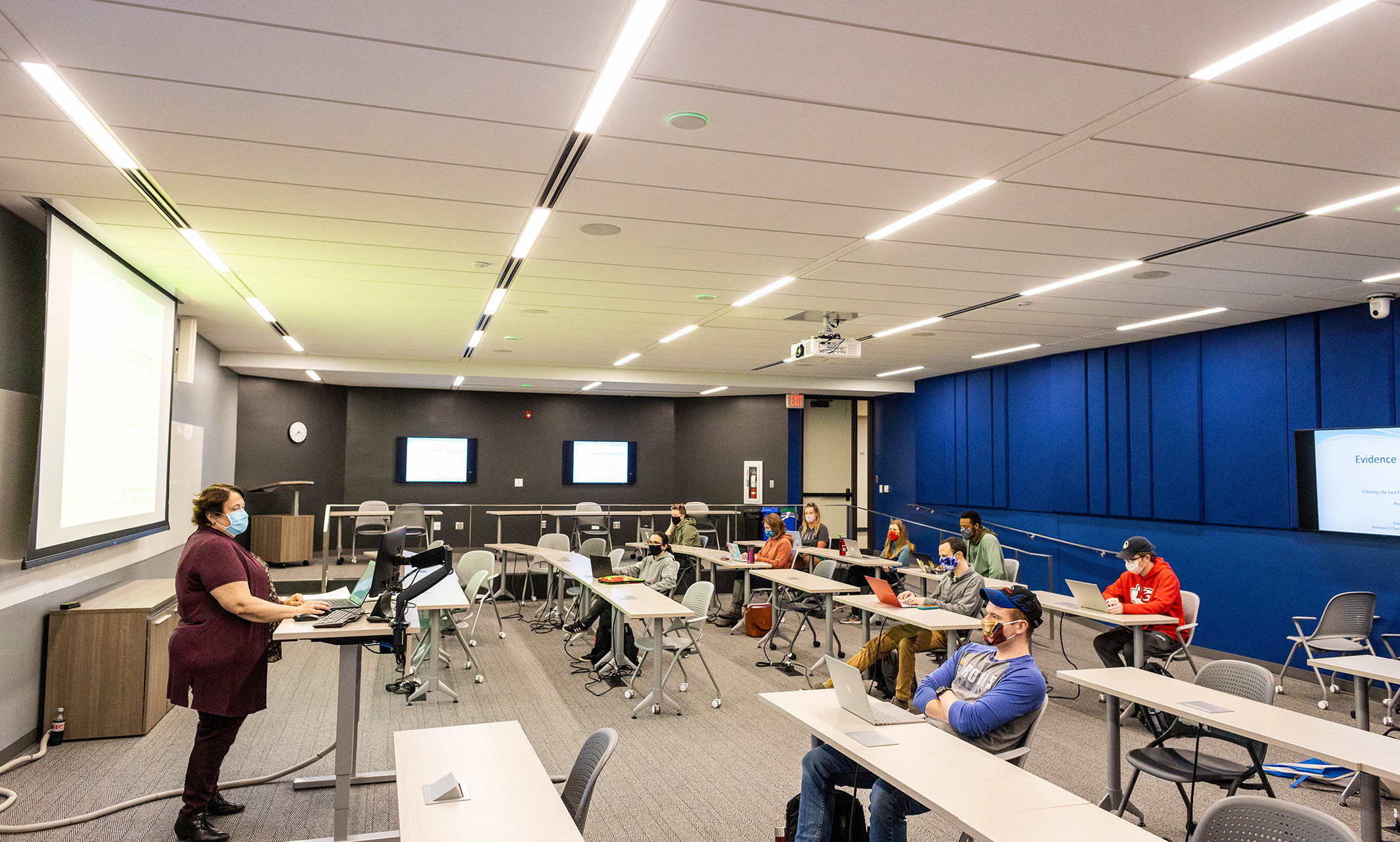
Renovations geared for student success
This story originally appeared in Res Ipsa, the UMKC School of Law alumni magazine. To learn more, read the full issue or visit the School of Law website.
The latest renovations to the School of Law building are as purposeful as they are attractive.
Classrooms 02 and 05 have been converted to more versatile learning spaces with new technology for hybrid instruction and online participation. These classrooms also dramatically expand the school’s ability to provide continuing legal education programs remotely.
A new Student Success Suite replaces the former career services suite. The new suite is home to the registrar, student services manager, associate dean for students and the professional and career development staff.
A new Admissions Suite is fully devoted to admissions staff and student emissaries to conduct recruitment activities. These renovations were funded by a $3 million grant from the Sunderland Foundation.
Next up: outdoor renovations, including a raised-bed garden replacing the fountain on the Truman Terrace; and thanks to a generous grant from David Stoup (J.D. ’77) and the family of Arthur Stoup, an outdoor contemplative space/garden outside the south entrance facing 52nd street.
May 05, 2021

UMKC Law community steps up to support students in need
This story originally appeared in Res Ipsa, the UMKC School of Law alumni magazine. To learn more, read the full issue or visit the School of Law website.
During the COVID-19 pandemic and resulting crisis, the UMKC School of Law responded by providing emergency support for students through the Students First Fund — an example of collegial assistance that is not unusual for students or alumni of the Law School.
The Students First Fund began with an email campaign to law alumni. The firm of Davis, Bethune & Jones, LLC agreed to match all donations through June 30, 2020. With the match, alumni contributed more than $18,000. The annual appeal at the end of 2020
supported the Students First Fund as well, and the Jack and Helyn Miller Foundation gifted a $10,000 challenge grant to support the fund while encouraging law alumni to make a year-end gift to help even more students.
Tom Jones (J.D. ’88) and his partners Scott Bethune (J.D. ’88) and Grant Davis (J.D. ’87) say they established the match because they know how challenging being a student in law school can be.
“We remember how hard it was for us to be students — the time, the sacrifice, the money,” Jones says. “Being a student has historically been a financial hardship – not only on students, but on the people surrounding the student. Sometimes we forget how people are struggling to get by.”
Ashley Swanson-Hoye, who administers the fund, encounters students with these challenges regularly. She says the Students First Fund was established to help those students who are experiencing a financial shortfall with immediate needs such as rent, utility bills, childcare and groceries.
Payouts are considered an emergency loan, which students can pay back in a set amount of time with no interest. Swanson-Hoye also works with students to see if she can connect them with additional resources, such as counseling or long-term financial assistance.
In addition, Swanson-Hoye makes sure that the students know about the UMKC Student Emergency Fund, the Roo Pantry and other community services that may be able to provide long-term help. She says the Law School leadership and administration anticipated that students would have greater need.
“Some students or their partners worked in the restaurant industry part-time and lost their jobs,” she says. “The unexpected loss hit them hard, so the emergency fund helped them make it.”
The one thing students seeking emergency funds had in common, she says, was their reaction when they discovered it was available.
“Relief! They have all been so grateful that we had funds that can be used to help them with immediate needs,” she says.
Fortunately, there are still funds available.
“We continue to have requests and we want students who are facing emergency situations to reach out and use the funds,” she says. “Our goal is to support our students holistically. The emergency fund is just one piece of that.”
This community environment is one reason the firm of Davis, Bethune & Jones continues to support student success in many forms.
“My partners and I have enormous affection and respect for UMKC’s Law School,” Jones says. “We feel lucky to have been able to attend. Our experiences there as students and now as alums has inspired us to give back.”
To make a gift to the UMKC School of Law, visit us online or contact Marie Dispenza, J.D., at UMKC Law Foundation, at 816-235-6328 or dispenzam@umkcfoundation.org.
May 05, 2021
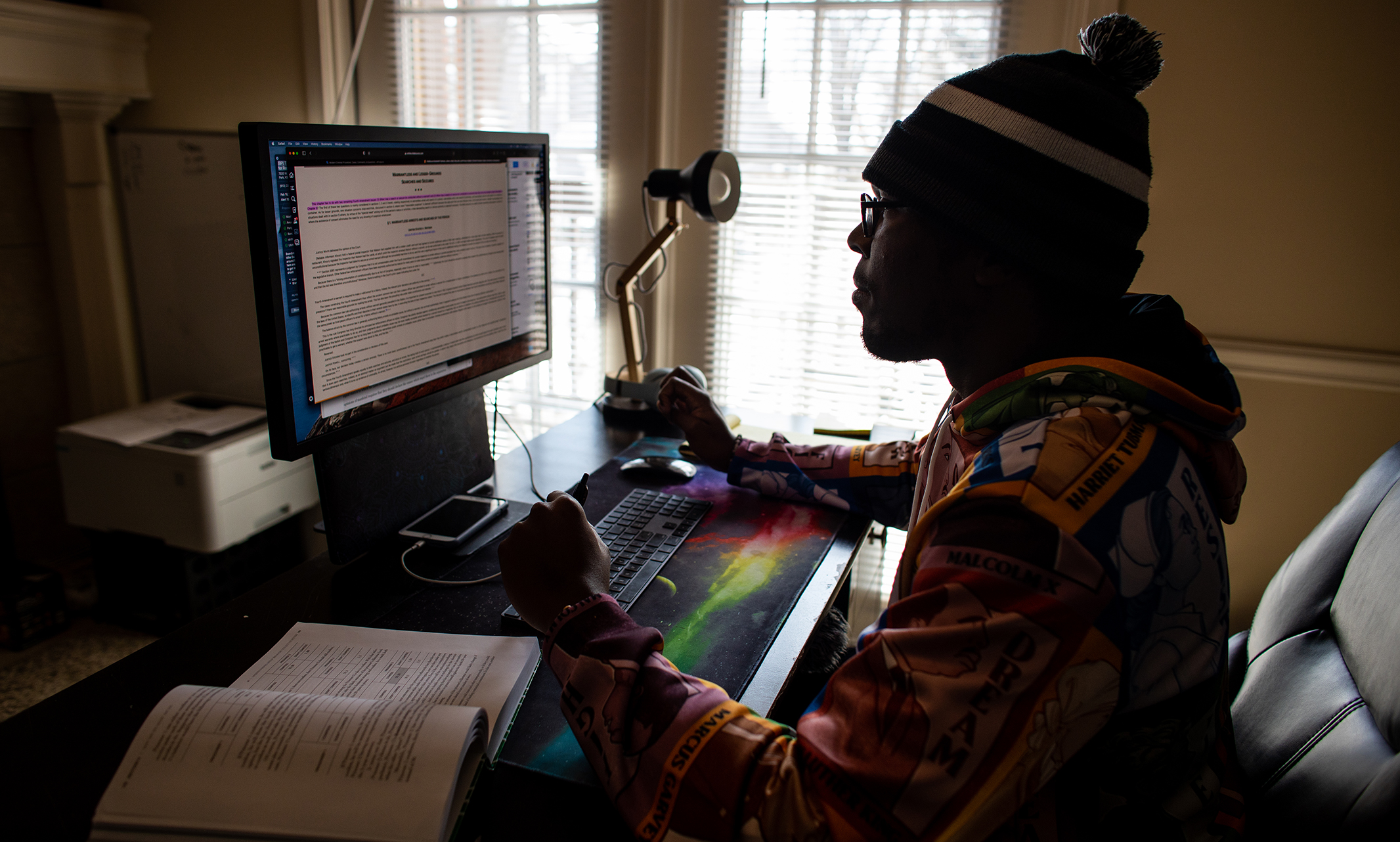
How current law students are making it work in a pandemic
This story originally appeared in Res Ipsa, the UMKC School of Law alumni magazine. To learn more, read the full issue or visit the School of Law website.
When our current 3L students graduate, they will have spent half of their law school careers online due to the COVID-19 pandemic.
We caught up with 3L students Alyson Englander, Timothy Randolph and Trevor Cunningham to hear how they’re navigating their final year — virtually.
Why did you choose UMKC for your legal studies?
Trevor Cunningham: It was an incredible value proposition with a great proximity to the Kansas City legal market.
Alyson Englander: I chose UMKC for its reputation for being a collaborative, welcoming environment that supports non-traditional students like myself.
Timothy Randolph: I chose UMKC because it offered a part-time program. I was also working in Johnson County and wanted to be local.
Timothy Randolph
Are you currently a clerk or intern in a law office?
Cunningham: I’m currently clerking at Parman and Easterday in Overland Park, Kansas. I spend most of my time drafting documents, corresponding with legal advisors and circuit clerks and researching legal issues.
Englander: While I’m not currently clerking, I have worked for the Missouri Attorney General’s office, as well as several firms during law school.
Randolph: I worked in the Johnson County Prosecutor’s office for about five to six years before I decided to stop working and focus on finishing school.
Has the pandemic impacted the job market for new lawyers?
Cunningham: Most of us are fairly realistic about the ways in which the pandemic has made firms take an honest look at their ability to hire new associates. However, I truly believe that this 3L class is an incredibly bright and resilient group of individuals. I have little doubt that they’re going to find work even in this difficult job market.
Alyson Englander and her daughter
How did you manage the shift to online classes?
Englander: The biggest challenges, for me, were balancing classes while my husband was also suddenly working from home and our 18-month-old daughter’s daycare was closed. I found myself having to switch my camera off often and text friends in my classes to see if I had missed anything important while tending to my family. For a few weeks, my peers and I were also very anxious about the format of our final exams and grading that semester. We were relieved when the law school ultimately decided to make all classes pass/fail.
I found myself having to switch my camera off often and text friends in my classes to see if I had missed anything important while tending to my family. - Alyson Englander
Randolph: My mentality, initially, was “it’s not much different because we’re sitting in class like we normally do,” but the tough part was peer interaction. Now, when you log off you have to chase down classmates to debrief after class. You get energy from your peers and being able to set up study sessions on the spot. There’s nothing personable about your laptop.
Has this experience created any additional opportunities or challenges in your personal life?
Cunningham: I suppose I’m like everyone else in that I have good days and not as good days. The pandemic has reminded me that it’s OK to take time for myself. By the same token, the pandemic has also caused some of my relationships to fracture. I attribute it mostly to the fact that so many things related to COVID have been so intensely politicized. I feel really sad that public health has been made into a political issue.
The pandemic has reminded me that it’s OK to take time for myself. - Trevor Cunningham
Randolph: One thing I miss about being on campus is overhearing peers talking about opportunities or communication you may have missed. You get so many emails a day, it’s easy to miss something, but when you hear peers saying “oh, did you do this,” or “are you going to that,” it’s kind of like a reminder.
What’s next for you after law school?
Cunningham: Upon graduating, I hope to pursue an opportunity to practice in the areas of Business and Estate planning in the KC Metropolitan area.
Englander: I hope to pursue a public service-oriented practice, but specifically I hope to work in immigration law.
Randolph: I haven’t quite ironed out exactly what I want to do after graduation. My initial plan was to work as a prosecutor and become a JAG (Judge Advocate General) officer with the Kansas Army National Guard, however I’ve recently found an interest in business law and business development. I love the idea of being in-house counsel for a few small businesses in the area and also be able help a startup business who might want to seek private equity funding. I’ve grown to love tax law and I’ve slightly considered possibly pursuing a LL.M. in Taxation.
May 05, 2021
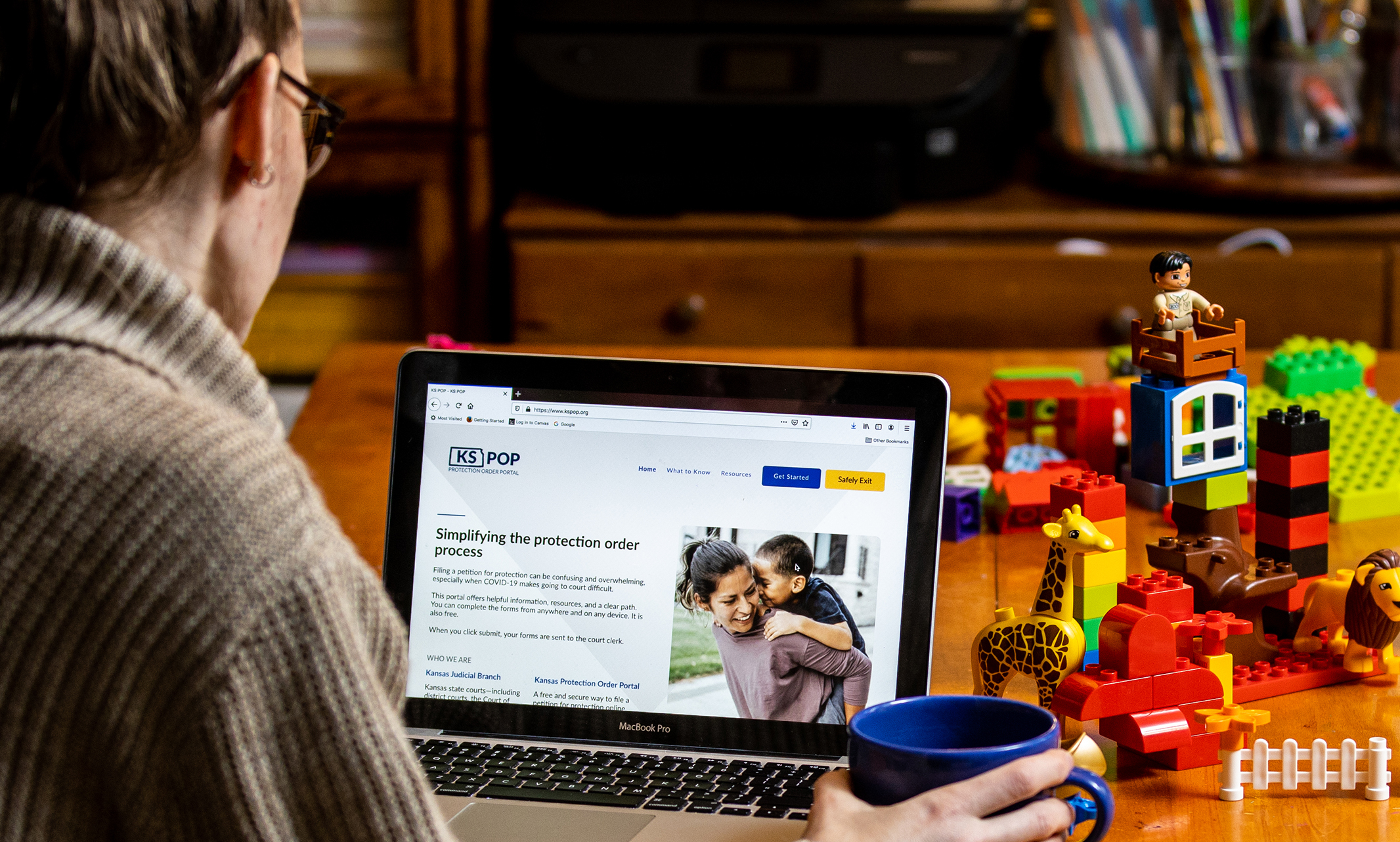
School of Law designs Internet portal to simplify how victims of domestic violence get court protection in Kansas
This story originally appeared in Res Ipsa, the UMKC School of Law alumni magazine. To learn more, read the full issue or visit the School of Law website.
Before COVID-19 changed everything, Kansas court officials knew they needed to change how victims of domestic abuse and sexual assault applied for court-ordered protection in the state.
Johnson County District Court Judge Keven M.P. O’Grady says the process of seeking an Order of Protection in Kansas was time consuming. Before a judge could consider a request, vulnerable applicants had to wade through pages of legalese-filled paperwork and file it in person with a county clerk.
“It was quite a process,” O’Grady says. “It was not uncommon for people to need two, three, four hours.”
But when a worldwide pandemic shut down courthouses across the state last spring, filing in person was no longer an option. Making updates to the Order of Protection system moved from necessary to imperative on the state judiciary’s priority list.
Partnering to Protect Kansans
O’Grady had already been in discussions with the UMKC School of Law about using technology to make the process easier. Once courthouses closed down, the project moved to a fast track.
“We were really worried about victims of domestic violence having access,” says O’Grady.
Using federal COVID-19 grant funding, the Kansas court system contracted with the Law School to develop an online filing system. Instead of having applicants print out forms and deliver them in person, the state wanted to allow victims to seek help through a computer or smartphone. And, perhaps most importantly, the entire process needed to be easy to understand.
The result, to be rolled out across the state by the end of February, is the Kansas Protection Order Portal, or KS POP. It is already up and running in Johnson, Riley and Harvey counties.
“Now people don’t even need to go to a clerk” to file a petition, says Staci Pratt, who serves as director of public services at the Leon E. Bloch Law Library and oversees the school’s self-help clinic. “I think that’s fundamental to creating equal access to justice before the law.”
In plain language, the KS POP explains exactly who is eligible for a protection order and what it takes to apply. The site also gives information about locally available advocates who can support a victim through the process.
If victims decide to move forward, KS POP takes them through a simple, guided interview. They answer questions, and the portal uses that information to populate a form, which is then submitted to the proper county court jurisdiction.
Last fall, as a small team at the Law School went to work on designing the portal, it quickly became clear that creating the computer platform to support the system wasn’t the hard part, says Ayyoub Ajmi, associate director and digital communication and learning initiatives librarian at the Leon E. Bloch Law Library.
“This was not a technology problem,” he says. “This was really a legal problem and a process problem.”
Among other things, the Law School had to convince different jurisdictions to accept the common form that the portal generates based on interview questions. The portal also needed to identify a victim’s individual circumstances, which could require varying information.
Andrew Watts (J.D. ’20), a recent UMKC Law graduate who worked on the project for three months as a Truman Fellow, says it was important to understand exactly what information jurisdictions needed to move ahead with a petition, while also making the questions as clear as possible.
“One of the goals was to simplify the process completely,” he says.
So far, that effort to simplify things has greatly reduced the amount of time required to file a petition, literally trimming hours from the process. What may have taken an entire day could now be completed in less than an hour, Ajmi says.
Making Safety a Priority
While making the process simpler was one goal, portal designers also knew they needed to take great care to make sure that vulnerable victims using the portal remained safe. For this reason, the site features a single button that a victim can touch to immediately exit the portal if they fear being detected by their abuser. And every step of the way, the KS POP provides users with information about local advocates available to help them on the ground in their community.
Marilyn Harp, executive director of Kansas Legal Services, says having that information is vital, since most victims benefit from having an advocate at their side to navigate legal and safety consequences that will arise with going to court.
The convenience the portal affords is good news for Kansans facing domestic or sexual abuse, Harp says. But survivors should know that getting an advocate’s assistance is still an important part of the process.
Often the most dangerous time for a survivor is when they leave their abuser, Harp says. Having an advocate who can help think through consequences and safety procedures can be critical. Harp thanked the UMKC team for clearly conveying that message through the portal.
“They were sensitive to make this not only a user-friendly process, but also a survivor-friendly process that recognizes all the aspects of safety for the survivors,” she says.
May 05, 2021
Startland News reports on Regnier Venture Creation Challenge
The Regnier Venture Creation Challenge doled out more than $65,000 in cash prizes to emerging startups this spring, culminating in Friday’s big win for an up-and-coming fintech app. The annual UMKC contest came to a close last week after its second virtual showing in the COVID-era. Read more.
May 04, 2021
George S. Thompson weighs-in on Steve Jobs' most famous speech
George S. Thompson, M.D., a psychiatrist and associate professor of Psychiatry at the University of Missouri-Kansas City, says that “we’re sending signals to each other constantly demonstrating whether we’re safe or we’re in danger.” He then goes on to say that being in a state of fight or flight is of particular social significance. Read the full article.
May 03, 2021
KCUR interviews student about internship experience
Bryce Graskemper, HireKC intern, UMKC student and Marine Corps veteran, was a guest on Up to Date.
Apr 30, 2021
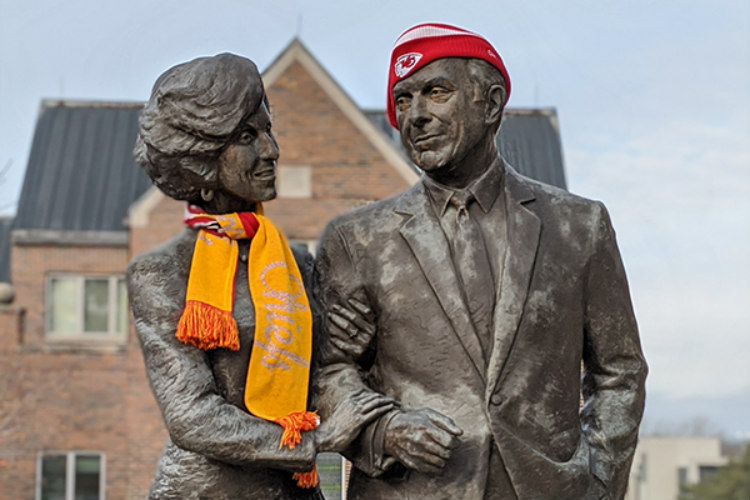
Beautiful exterior art abounds on the Volker and Health Sciences campuses
Steel. Bronze. Terra Cotta. Strong mediums turned into three-dimensional works of art continue to inspire at the UMKC campuses.
The Roo statue is just the start of what you can see on a walk around campus. Look a little closer, and you can see the history behind them, too.
President Truman bust
It’s true that President Harry S. Truman studied law at UMKC in the 1920s, but he did not graduate from the program. He was, however, awarded an honorary doctorate when he returned to Kansas City in 1945. Two years later, Mexican President Miguel Alemán was given the same honor. As a gift to the university, he brought a bronze bust of President Truman in academic regalia, posed from the previous ceremony. Check out the bust in the Truman Courtyard at the School of Law.
Playhouse patio
At one time, the Playhouse patio served as a lobby for an operational playhouse. The physical building was an army surplus movie theatre from World War II. The masks of comedy and tragedy, the country’s largest terra cotta sculpture at the time it was built, would spill smoke from their mouths when fires burned on show nights. The Playhouse was torn down in the 1970s, but fortunately the patio, at the southwest corner of the Miller Nichols Library and Learning Center, still stands as a beautiful spot to enjoy a sunny day on campus.
Pair of Archipenko statues
Cubist artist Alexander Archipenko was once in residence here at UMKC. The only sculptor to hold the position, Archipenko gifted two steel statues to the university, placed on University Walkway between Swinney Center and Miller Nichols Library and Learning Center. While they look different due to their positioning angles, the statues are completely identical. True to Archipenko’s style, they also play with light and shadow, and change in appearance depending on the time of day.
‘Dancing’
This big, yellow statue, sculpted by university alumna Rita Blitt, once on display at Bannister Mall when it opened in 1980. When the mall announced it was closing its doors in 2007, she reclaimed the statue and gifted it to the university. Placed in front of the Olson Performing Arts Center, you can see “Dancing” before you see some amazing dance performances from our students in the Conservatory.
Bloch statue
You can’t miss the sculpture of Henry and Marion Bloch outside of the Bloch School of Management. The Blochs’ children commissioned the piece from Eugene Daub in 2011 to celebrate the couple's contributions to the UMKC community. If you’re looking for a little extra luck during finals week, be sure to visit and give the statue a fist bump.
‘Any Word Except Wait’
This statue by Flávio Cerqueira was gifted to the university by the R.C. Kemper Charitable Trust. Its installation was a part of the inaugural Open Spaces performing arts festival, a collaboration between Kansas City’s Office of Culture and Creative Services and a private arts initiative to highlight Kansas City’s arts, culture and creativity. Find her in front of the Fine Arts building.
‘Blue Steel’
It won’t help in your modeling career, but it can help in your construction career! Designed by the American Institute of Steel Construction, it’s a teaching aid to help students get a visual understanding of steel framing and full-scale steel connections. The piece, located in front of Flarsheim Hall, has been educating students in the Quad since 2004.
Graces Fountain
Another sight in the Quad you can’t miss is the Graces Fountain. First built in 1940, it was a traditional, terracotta fountain until it was dismantled in 1973. The story goes that an artist wanted to revive it with a new stone base, but the rocks were haphazardly placed instead, creating the campus icon we know and love today.
Robert Flarsheim bust
See the man Flarsheim Hall is named after! Robert H. Flarsheim was a university benefactor who lived in a house at 50th and Cherry, where the Student Union is today. When he passed in 1995, he left a large gift to the university for campus beautification, and students frequently hang out in the shady green space near his likeness.
‘Rivers, Rails and Trails’
You won’t notice much if you meander by the Miller Nichols Library and Learning Center in the daylight. If you happen to do so after nightfall, though, you’ll be treated to a 22-foot-tall and 49-foot-wide map depicting Kansas City in 1926. The stainless-steel panels are illuminated with LED lights and intend to convey “flow”— of information, rivers and people.
‘Take Wing’
There’s beautiful art to see on our Health Sciences Campus as well. This bronze sculpture, cast from a carving by E. Grey Dimond, M.D., one of the founders of the UMKC School of Medicine, stands in front of the school. It shares a name with Dimond’s book Take Wing! Interesting Things That Happened On My Way to School as well as a School of Medicine graduate award. While you’re there, check out the bronze bust of Dimond and fellow founders Nathan J. Stark and Homer C. Wadsworth.
If you decide to take your own campus sculpture tour, be sure to share your photos on social with the hashtag #UMKC.
Apr 29, 2021
Hall honors Kansas City’s greatest women, past and present
A new group of extraordinary women, past and present, who have made their mark on the greater Kansas City community have been named to the Starr Women's Hall of Fame.
The Hall of Fame was created to honor women who have made Kansas City a better place to live, work and serve. Alicia Starr and Marjorie Williams, Ed.D., are co-chairs of the 2021 induction ceremony.
“We are excited to bring these 11 remarkable women into the Starr Women’s Hall of Fame, a group that sets a standard for achievement and public service,” Williams said. “The stories of these women are an example and an inspiration to future generations.”
The 11 outstanding women in the 2021 class of honorees will be honored in a private broadcast celebration on Tuesday, June 22. Festivities will commence with a preshow at 5:45 p.m. followed by the private broadcast at 6 p.m. Details about the event as well as ticket and sponsor opportunities can be found at www.umkc.edu/starrhalloffame/
The new inductees are:
Sister Corita Bussanmas (deceased) and Sister Berta Sailer, founders of Operation Breakthrough. Together, they provided education and social services to more than 10,000 of KC’s most vulnerable children and their families. In 2014, they were awarded the John and Marion Kreamer Award for Social Entrepreneurship from the UMKC Bloch School of Management.
Rafaela “Lali” Garcia (deceased), founding member of Kansas City's La Raza political club. She is a former Jackson County Commissioner and served on the boards of Guadalupe Centers, the Hispanic Economic Development Corp. and MANA, a national Latina organization empowering women through leadership development, service and advocacy.
Karen M. Herman, one of the founders and the first president of the Women’s Foundation. She is a longtime advocate and philanthropist for women and hunger relief, and has received multiple community recognitions including Woman of the Year Award from the Central Exchange and the U.S. Mayoral End Hunger Award.
Gayle Holliday, Ph.D., introduced female bus operators into the workforce as HR Director at the Kansas City Area Transportation Authority, many of whom were single mothers and heads of their households. She served on President Bill Clinton’s transition team.
Norge Jerome, Ph.D., served as Director of USAID, the federal international development and humanitarian agency. A professor and author of three books, she received the U.S. Department of Labor Spotlight Award for expanding the scope of food and nutrition services to poor women and families in developing countries.
Audrey H. Langworthy, a 17-year Kansas state senator. Her recognitions include the National Society for the DAR Award for Excellence in Community Service, the Johnson County Community College Foundation's Johnson Countian of the Year Award and was named to the University of Kansas Women's Hall of Fame.
Carol Marinovich, the first woman mayor of Kansas City, Kansas, who led the successful conversion to a Unified County Government and the development of the Kansas Speedway NASCAR racetrack, resulting in a complete economic renaissance for her community. She was recognized as Kansas Citian of the Year by the Greater Kansas City Chamber of Commerce.
Nelle E. Peters (deceased), the first female architect to have a significant impact on Kansas City’s built environment, she is best known for designing her signature colonnaded apartment buildings in central neighborhoods of Kansas City and the Luzier Cosmetics Building in Midtown. She designed more than 1,000 buildings during her career before retiring in 1967.
Rosilyn Temple, founder of the Kansas City, Missouri chapter of Mothers In Charge, Inc. after the murder of her 26 year-old son. She has responded to more than 400 homicide scenes in the city since 2012 to comfort family members and support law enforcement. She is changing the conversation surrounding violence reduction in our community by elevating the voices of bereaved mothers and women.
Sonia Warshawski, a Holocaust survivor who was sentenced to three death camps between the ages of 14 and 19. She became the voice of those who died and began speaking to students, adults and numerous organizations and has become a role model for trauma survivors. Her granddaughter made an award-winning documentary, “Big Sonia,” to share her story with an even wider audience.
The Starr Women's Hall of Fame is dedicated to recognizing extraordinary Kansas City women and preserving the history of their accomplishments. These women are social reformers, volunteers, philanthropists, civic leaders, activists and educators. They are neighborhood leaders and grassroots organizers, from yesterday and today, both famous and unsung. They are movers and shakers whose tireless commitment to community has made Kansas City a better place to live. The Hall of Fame is a repository for their legacies, offering an extensive archive of these women’s activities and achievements available to researchers, educators and historians.
A permanent display honoring Hall of Fame members is now open to the public on the third floor of the Miller Nichols Library at the University of Missouri-Kansas City. The library is at 800 E. 51 St., Kansas City, Missouri.
By sharing their stories, the Hall of Fame encourages and inspires women everywhere. Biographies of all of the honorees are available at umkc.edu/starrhalloffame/hall.cfm.
The Hall is named in honor of Martha Jane Phillips Starr, a legendary activist and philanthropist who blazed a trail for family issues and women's rights. The hall of fame is made possible through the Starr Education Committee, Martha Jane Starr’s family and the Starr Field of Interest Fund, which was established upon her death through the Greater Kansas City Community Foundation. The idea for the Starr Women’s Hall of Fame stemmed from Starr Education Committee members.
The civic organizations that advocate on behalf of women and family issues and have signed on in support of the Starr Women’s Hall of Fame include: American Association of University Women, American Business Women’s Association, Association for Women Lawyers of Greater Kansas City, Central Exchange, CBIZ Women’s Advantage, Girl Scouts of NE Kansas and NW Missouri, Greater Kansas City Chamber’s Executive Women’s Leadership Council, Greater Kansas City Women’s Political Caucus, Jackson County Missouri Chapter of the Links, Inc.; Junior League of Kansas City, Missouri; KC Metro Latinas, Kansas City Athenaeum, Kansas City Young Matrons, OneKC for Women, SkillBuilders Fund, Soroptimist International of Kansas City, Soroptimist Kansas City Foundation, UMKC, UMKC Women’s Center, UMKC Women’s Council, UMKC Women of Color Leadership Conference, United WE, WIN for KC, win|win, Women Leaders in College Sports, Women’s Public Service Network, Zonta International District 7 and Zonta Club of KC II.
Apr 28, 2021
Franchise Times interviews UMKC Bloch School student
Set to graduate in December with a finance degree from the University of Missouri-Kansas City, Osama Hanif said he started working at a bank while in school and “realized the 9 to 5 wasn’t for me.” Read the article.
Apr 27, 2021
Startland News reports on UMKC Innovation Center's impact
Amid a year of pandemic-prompted chaos in the business community, entrepreneurs forged ahead like rarely before seen, according to the UMKC Innovation Center’s new impact report, which details outcomes of the Kansas City-based resource network’s programming opportunities. Read more.
Apr 27, 2021
Kiplinger interviews UMKC Bloch School assistant professor
Advocates will need to educate patients about the new law, says Christopher Garmon, an assistant professor of health administration at the University of Missouri-Kansas City. “That is one problem that you could have—providers send out bills and consumers don’t know they are protected,” he says. “They may pay it without knowing they don’t have to.” Read more.
Apr 27, 2021
Forbes reports on UMKC Bloch partnership
The Kansas City Art Institute recently partnered with the UMKC Bloch School of Management to create a business in art minor to support their graduating artists in being able to make the connection between passion and work. Read the full article.
Apr 27, 2021
Beth Vonnahme was a guest on Up to Date
Beth Vonnahme, associate dean at the UMKC College of Arts and Sciences and associate professor of political science, was a guest on Up to Date. Read more from KCUR.
Apr 27, 2021
Exploring Bridges and Barriers to Success
Local educational and community leaders participated in a virtual panel discussion about racism, how it impacts student performance and how to address the issue.
The theme of the April 22 online discussion was “Black and Brown Excellence in the Classroom: Exploring Bridges and Barriers to Success.”
Panelists for this conversation included:
Brandon E. Martin,D., UMKC vice chancellor/director of athletics
Edgar J. Palacios, president and CEO of the Latinx Education Collaborative
Loyce Caruthers, Ph.D., professor of educational leadership, policy and foundations at UMKC
Lauren Sanchez, program director at Kauffman Scholars, Inc.
Moderators were Gary O’Bannon, executive-in-residence, Henry W. Bloch School of Management; and Adriana Suarez, a sophomore student at UMKC.
The Critical Conversations series, hosted by the UMKC Division of Diversity and Inclusion, addresses systemic racism in the United States. UMKC people are taking thoughtful action on campus and in our community to ensure lasting and comprehensive reform through Roos Advocate for Community Change, a campus-wide effort announced in June 2020 following the death of George Floyd.
The goal of each discussion is to enlighten, educate and explore the causes and potential cures for racism. Further, the university will strive to share actionable steps that can be used to improve racial interactions in the broader community. For more information, please email umkcchancellor@umkc.edu.
Excerpts from the conversation are below.
Harmful assumptions about students of color often made in schools
Sanchez: There are assumptions made about time, such as if you’re not early, then you’re late. If you can’t meet deadlines, then you’re lazy. These beliefs assume that everyone is coming from the same level of experiences, when in fact, students of color are more likely to be working jobs in addition to going to school in order to help support their families.
Change has to happen at the system level and at the school level, but it ultimately comes down to that individual classroom teacher. If you’re starting to notice that a student is not on track, you need to communicate with them and find out how to support them.
Systematic issues in education that impede success for students of color
Martin: The system is not designed for Black and brown students to be successful. Educators have not been prepared to teach black and brown students in a way that accommodates their life experiences. A lot of these students go to school hungry. Transportation to school can often be a challenge. They deal with technology gaps in the home and trauma in their lives. These situations are not factored into the academic success conversation.
Young Black men in particular are subjected to stereotypes that cast them as violent, criminal and academically inferior. That produces anxiety, stress and anger.
Caruthers: Young Black women face stereotypes too: the mammy and the angry Black woman.
Even the language used in the system dehumanizes kids. “No child left behind” is a derogatory term. So is “minority,” “English as a second language,” “at risk.” Better language to use would be “minoritized groups,” “historically underserved” and “children of color.”
Palacios: People have to do the internal work of recognizing and understanding their biases. And that is lifelong work. People will focus on “how can we change the system?” which is such a big job it can lead to paralysis. Instead, people should approach it in terms of “How do I show up as an individual?”
The “one size fits all” approach to education
Martin: It’s not just about those on the margins. We have gifted students who are not getting what they need. It is important that we understand the individual student that we are serving. We need a more tailored approach.
Sanchez: It illustrates the difference between equality and equity. Not everyone has the same life experiences so we don’t all need the same things. Our lives are not one size fits all, so why should our interventions be one size fits all?
Caruthers: if you measure student performance only by tests, you miss a lot. We need multiple ways to assess learning.
The role of relationships
Martin: Building relationships is the critical cornerstone for advancing the education of young men of color. Educators need to establish rapport and trust so that they can leverage the assets the students are bringing and recognize the external influences on these kids.
Educators especially need to demonstrate high expectations for all students. If you have low expectations for a student, the student will perceive that as “you don’t care about me.” We need teachers to say to students, “I understand your struggle, I understand your journey.”
Sanchez: Teachers need to build that relationship of trust up front. It’s too late to try to reach a student after issues arise.
How white people can support students of color
Palacios: They need to speak up. When someone says something that isn’t quite right, that’s a great opportunity for allies to step in and start the uncomfortable conversation. When white people do that, it relieves the pressure on us, it makes us feel seen and it helps build relationships.
Sanchez: If it feels wrong, it is wrong. If it’s uncomfortable to say something about it, then you need to say something about it.
Caruthers: Know what resources are available so you can direct students to them. Teachers with culturally responsive skills need to become mentors.
You can watch the full conversation below.
Apr 27, 2021
Tampa Bay Times interviews Max Skidmore
“Biden compares quite favorably with every other president after Franklin Roosevelt,” said Max J. Skidmore, University of Missouri-Kansas City political scientist. “Not only has he accomplished many things quickly — most of them are highly significant.” Read more.
Apr 26, 2021
Kansas City Star taps Ken Novak
Ken Novak, a criminal justice professor at the University of Missouri-Kansas City who studies policing and crime prevention, said he has become pessimistic about changing the culture of gun violence in Kansas City. Read the article. (subscription required)
Apr 26, 2021
Fox4KC reports on unveiling of Roo statue
The University of Missouri-Kansas City added a little artwork to campus Monday. UMKC students are known as Roos, so a sculpture of it’s mascot, a kangaroo, couldn’t be more fitting. Read the story and watch the newscast.
Apr 26, 2021
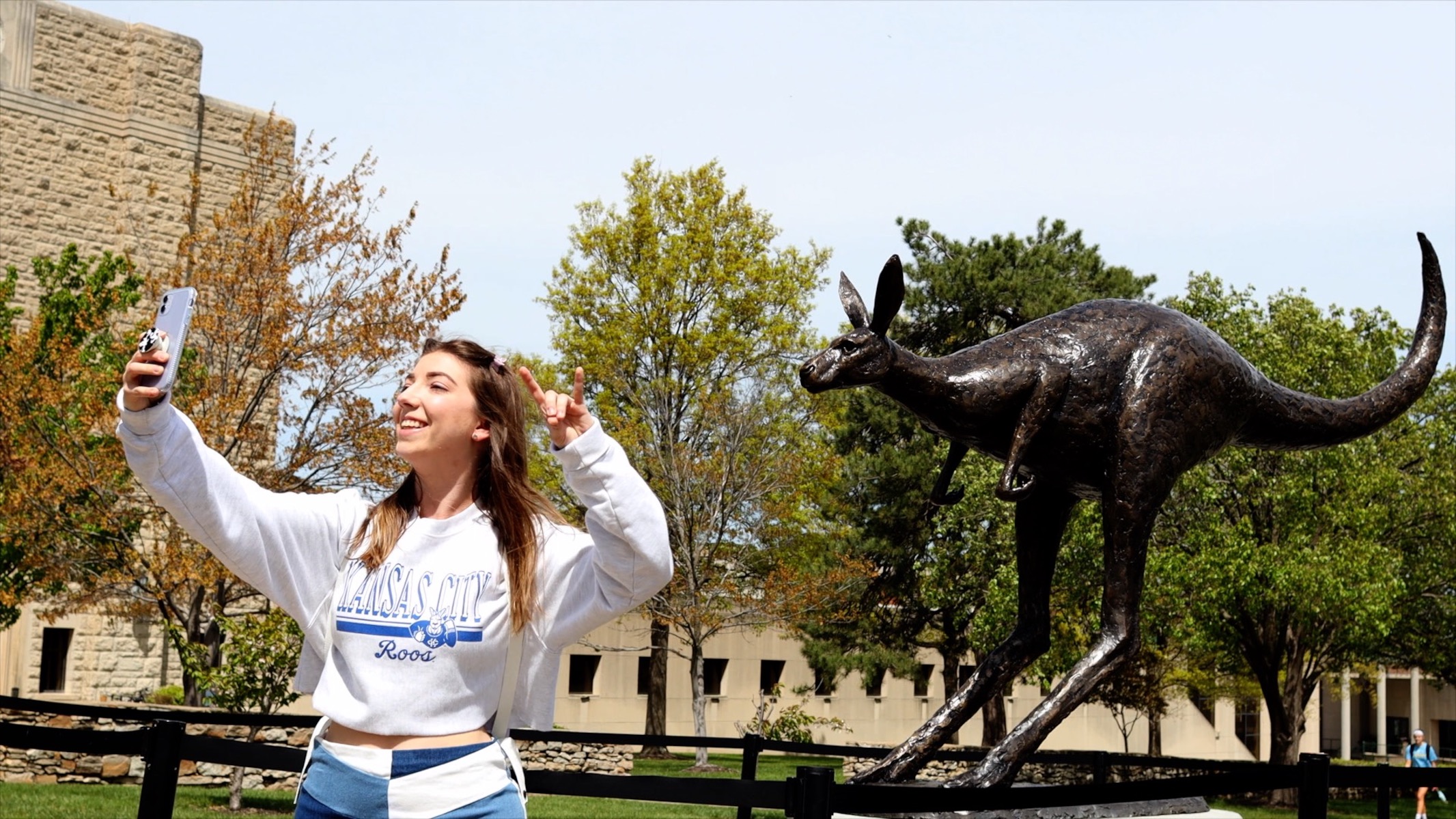
Students, faculty and staff welcome new Roo to campus
UMKC students, faculty and staff welcomed the newest UMKC Roo to campus in the first public event since the beginning of the COVID-19 pandemic.
Mahreen Ansari, UMKC Student Government Association president, introduced the Roo sculpture by artist Tom Corbin that stands proudly in the heart of campus on the University Walkway near the Miller Nichols Library and Learning Center.
“We are completing a circle that began 84 years ago, in 1937, when students at the University of Kansas City selected the kangaroo as our official mascot,” Ansari said. “From Oregon to Ohio to Oz, you can find all manner of lions and tigers and bears, oh, my, but UMKC is one of the very few colleges or universities to proclaim our identity as proud, strong, faithful and dedicated Roos.”
Chancellor Mauli Agrawal was thrilled to learn when he arrived at UMKC, that the kangaroo is one of the few animals in the world that cannot go backwards.
"(Roos) can only go forward. That’s what makes this great animal such an appropriate symbol for our great university.” - Chancellor Mauli Agrawal
Chancellor Agrawal delivers remarks at the Roo sculpture's unveiling event.
“They can only go forward. That’s what makes this great animal such an appropriate symbol for our great university,” he says. “And it’s a rallying point. This statue stands as the physical embodiment of our shared identity. It is a statement of our shared history, and our shared determination to shape the future.”
Corbin described his creative process that brought the Roo to life in bronze.
“My research into producing a sculpture of the Roo began years ago when I was approached to produce the Bloch School Alumni award,” Corbin said. “Inspired by the more modern Roo logo, my sculptural adaptation for the award was to create something more artful, elegant and sleek.
The original inspiration has carried over to our monumental Roo that has found its new campus home today.”
Chancellor Mauli Agrawal stands next to artist Tom Corbin, the artist who created the sculpture.
Brandon Henderson (Political Science ’21) was student government association president when the anonymous gift was announced.
“It looks amazing!” Henderson said. “People are taking photos by it already. It looks as if it’s been there a long time. You can tell it is going to age well.”
Chancellor Mauli Agrawal (middle) stands next to current and emeritus Student Government Association presidents.
Grace Horacek (Fine Arts ’23) came to see the unveiling with a group of friends.
“I work in the recreation center, and I saw the statue unloaded and really wanted to see it. It’s definitely cool.”
Apr 26, 2021
KMBC interviews Stefanie Ellison
“I do think we have some work to do with those that are vaccine hesitant,” said Stefanie Ellison of the University of Missouri-Kansas City School of Medicine. Read the story and watch the newscast.
Apr 23, 2021
Yahoo! News picked up story from Action 41 News
The UMKC Institute for Human Development has released a guide to help people notice abuse of people with disabilities and how to prevent it. Read more.
Apr 23, 2021
Startland News picked up story from Action 41 News
Chris Rehkamp is associate director of Tech Venture Studios at the UMKC Innovation Center. Read the full article.
Apr 22, 2021
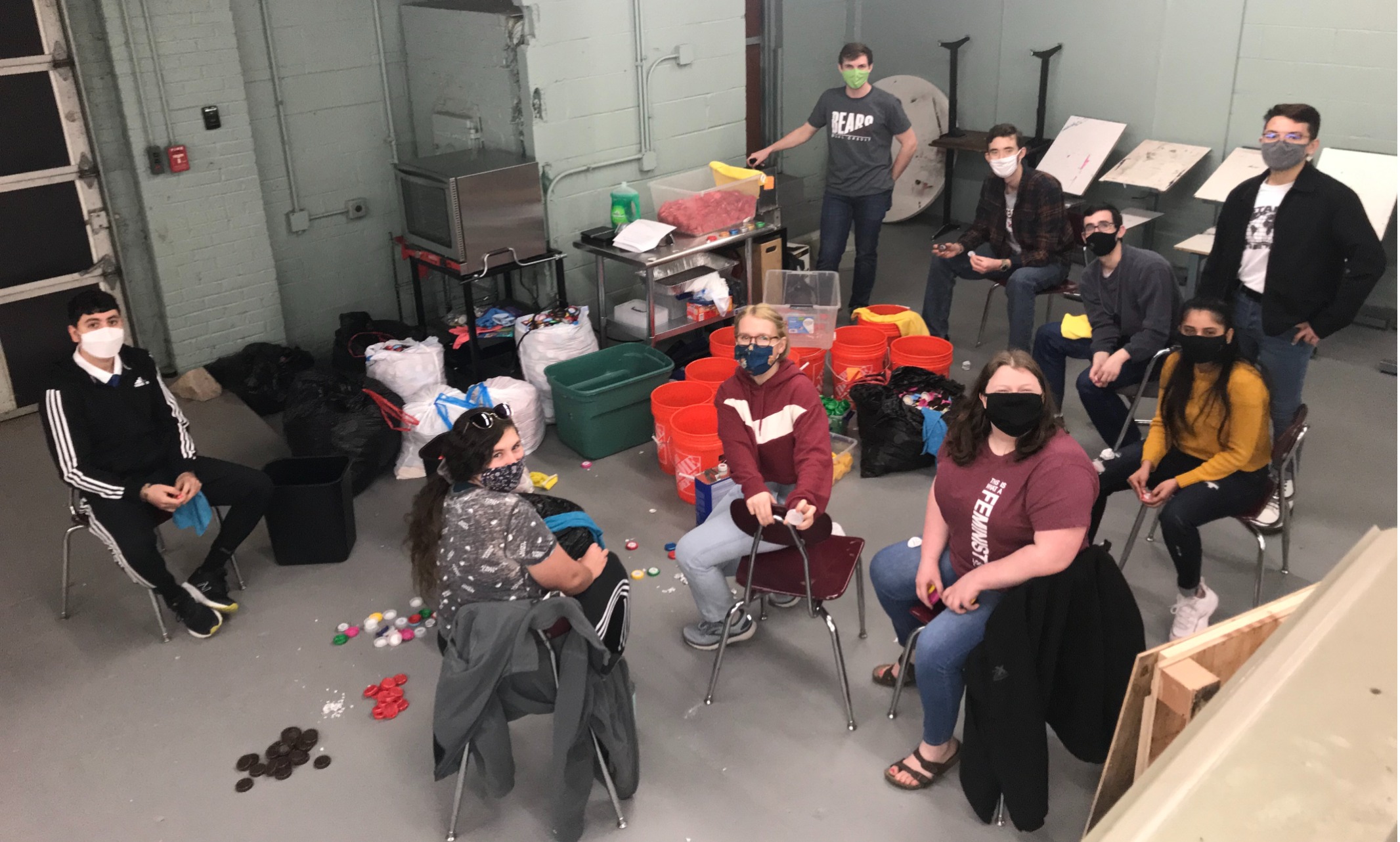
Third year in a row for high ranking
The UMKC Enactus team placed 2nd in their league and exited the 2021 Enactus USA National Competition in the top 8 teams in the country out of more than 300 teams in the U.S.
The team spent the year focused on global impacts with multiple social entrepreneurship projects, even in the face of the COVID-19 pandemic gripping our region and the world.
“It has truly been an incredible year,” said Ali Brandolino, Enactus team president. “This finish is motivating our team to find more needs and impact more people in our community and communities world-wide. It has been exciting to watch each member light up with passion when discussing innovative solutions to problems many people face every day. I will never forget what UMKC Enactus was able to accomplish during the year of the pandemic.”
The team’s achievements this year include:
Maintained a vibrant student organization virtually, with a roster of almost 100 members
Finalist for 2021 TCU Values and Ventures Completion, a premier national social entrepreneurship competition
Top 48 team in in the world in the Race to Rethink Plastics – a global challenge sponsored by Coca-Cola, Dell and Hi-Cone to motivate students think about ways to reduce plastic waste in the environment
Diverted 471 pounds of plastic through the Generation Green project and a partnership with Shatto Milk Company
Supported artisans in Oaxaca, Mexico
Raised thousands of dollars toward educational facilities for Ogwuokwu Community School in Ogwuokwu, Nigeria
Developed new student-led fundraising campaigns that have brought in thousands of dollars to support team activities
Held a virtual reverse pitch event with community leaders
Served the community as a Rotaract team
Maintained COVID-safe projects and interactions
Several students also won individual awards. Drew Childs won the $10,000 Jules and Gwen Knapp Scholarship. This is the second year in a row this honor went to a UMKC student. Hannah Case was recognized as a finalist for the Project Leader of the Year Award for being among the top 3 most impactful project leaders nationally. The team also won the $1,500 Jack Shewmaker Enactus Spirit Award for this student-produced video.
You can view the online expo and the team’s awards announcements online.
Apr 22, 2021
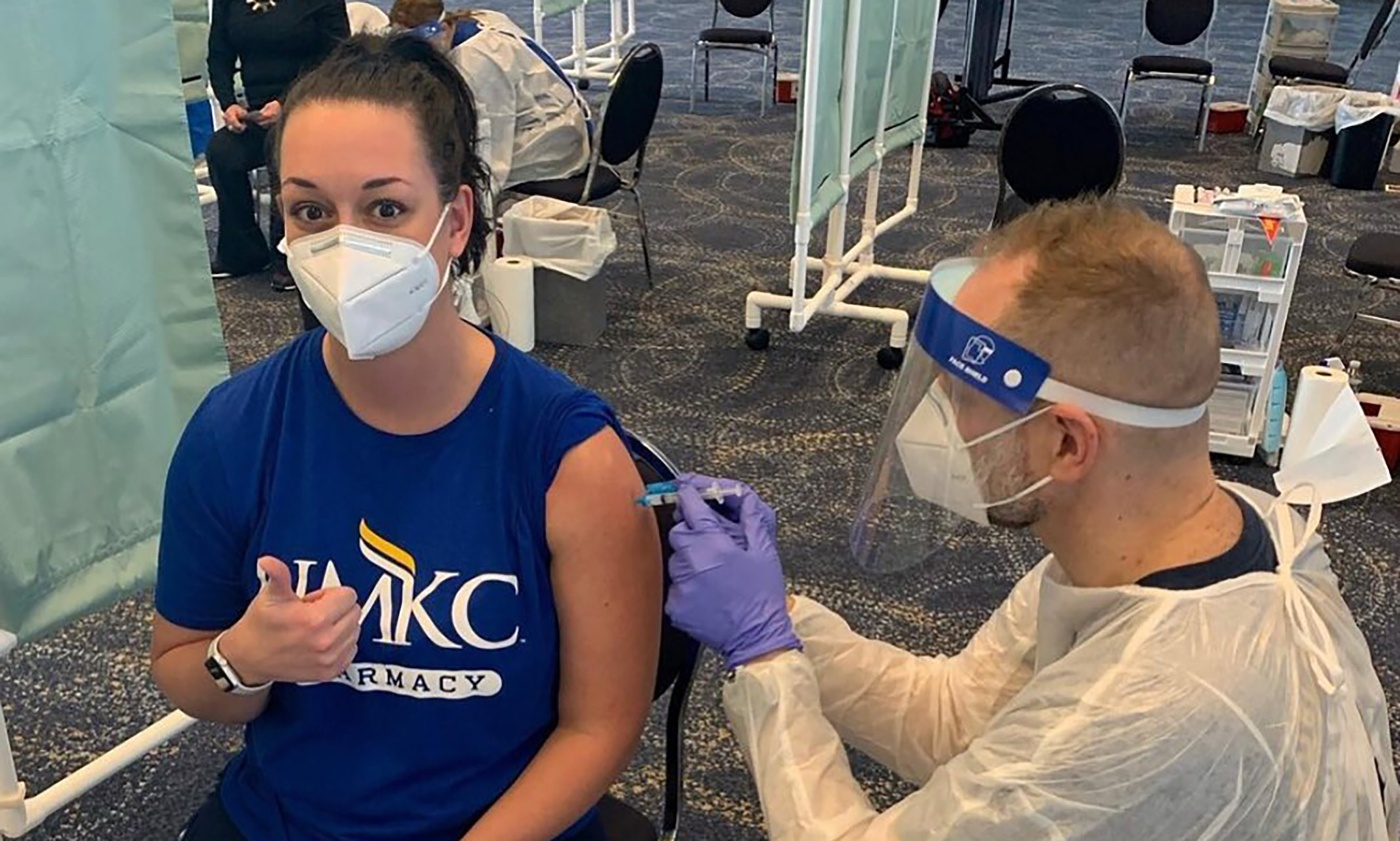
School of Pharmacy playing significant role in efforts across the state
As soon as the announcements came last November that vaccines for the COVID-19 virus would soon be released for distribution, Cameron Lindsey’s phone began ringing at the UMKC School of Pharmacy.
Lindsey, Pharm.D., MPH, interim chair of the division of pharmacy practice and administration, leads the schools’ vaccine response team. It is a group of faculty members at the school’s three campuses in Kansas City, Columbia and Springfield that was quickly assembled to provide manpower and other support for partners and outside entities launching or managing vaccine clinics across the state.
“I have people going to Clinton. I’ve got people going to Cape Girardeau, some I have going to St. Louis,” Lindsey said. “So, it is all over the state.”
UMKC pharmacy students also have done month-long rotations at the Hannibal Free Clinic since the COVID pandemic began.
By March, Lindsey said students and faculty from across the school’s three campuses had spent nearly 4,400 hours administering more than 17,500 doses of vaccines at 36 sites throughout the state in communities large and small.
Those were just the volunteer numbers reported by students and faculty. That doesn’t include the unreported number of students engaged in vaccine efforts as part of their clinical rotations or part-time jobs outside the classroom.
Vaccines are being administered at health systems, long-term care facilities, pharmacies, clinics and mass vaccine events at sites across the state. Since the inception of the first COVID vaccine in December, it’s been all hands on deck for students, faculty and staff of the School of Pharmacy and the other UMKC health sciences schools – Medicine, Dentistry and Nursing and Health Studies -- which have all been working overtime to help with the mass vaccine efforts.
As clinics quickly ramped up in March, filling the need for all of the requested help has been a challenge. Paul Gubbins, associate dean of the school’s Missouri State University campus, said he received a request from a site in Webster County near Springfield that has been typical of the need in rural communities. In short, “we just received a vaccine shipment and need any help your students can provide.”
“We've had several requests from community pharmacies that have had a pretty short lead time and some have been unable to predict when their next clinic will be,” he said. “We do the best we can to notify our students to assist. The demand is there and it's so high that the challenge is matching the resources to that demand because of the quick turnaround or the uncertainty in terms of the allocations that pharmacies get.”
UMKC Pharmacy students are trained and certified to give injections near the end of their second year of school. It’s become commonplace for the recently certified second-year and third-year pharmacy students to play an active role in vaccination events. More so, now with the COVID vaccines.
Roger Sommi, Pharm.D., associate dean of the school’s Columbia campus, said his students working with some of the area’s major pharmacies have reported sites administering as many as 300 to 350 COVID shots a day.
“There are a lot of opportunities (to help) and it’s fast and furious for sure,” Sommi said.
One student he spoke of was going back and forth between school and volunteering at a local pharmacy during her breaks between classes.
“She would go down to the pharmacy for two hours, inject 40 or 50 people and then come back to class,” Sommi said. “All of these places are taking everybody they can get.”
So great is the need for help that many of the pharmacy school’s faculty have gone through certification training on their own time to join the vaccination efforts. Sommi was one of five faculty members to go through one particular certification class that Lindsey taught.
“When I went through pharmacy school in the 1980s, injection certifications weren’t even a thing,” Sommi said. “With COVID, I saw a need and saw an opportunity to give back to the community, so I personally went through the certification process and there were least two others in my certification class in the same boat. I didn’t get it when I went to school. I didn’t need it for my practice, but I want to be part of the solution.”
The pleas for help are coming from across the state, particularly smaller communities where pharmacies and pop-up clinics are particularly short-staffed.
“Small towns are calling saying hey, we’re getting a shipment of Pfizer and we’re going to do (a vaccine clinic), do you have anybody that can help,” Sommi said. “The reality is, the students are tapped out. We just don’t have the number of students needed to meet the demand.”
In Springfield, Gubbins said a large number of his students have been busy administering vaccines through their workplace.
“Many of them work at large health care facilities or have pharmacies in their workplace that are offering a clinic where they get scheduled to work or volunteer to help,” Gubbins said. “In addition to volunteering, I think a large percent of the vaccination efforts our students engage in occur through their workplace.
“I've been putting out emails saying to students that if you have free time during the school week when you're not in class or going your clinic, here are the places that need help. Or, they're doing it when they're working. It's important to know that we really do fill that community resource by being here either in a volunteer or workforce sort of way.”
Apr 22, 2021
Unique socially-distanced event celebrates center’s fifth anniversary
The UMKC Center for Neighborhoods is celebrating its fifth anniversary Friday with a socially-distanced drive-through birthday party.
The center is a community engagement initiative lead by the university’s Department of Architecture, Urban Planning+Design. Over the past five years, 193 neighborhood leaders, representing 79 unique organizations, have participated in the center’s Neighborhood Leadership Training classes. Neighborhoods that have participated in the training secured $1,159,562 of investments (grants, donations, governmental funding, volunteer hours, etc.) in their neighborhoods in 2020.
The celebration is from 4 to 6 p.m. Friday, April 23 at the Anita B. Gorman Discovery Center parking lot, across the street from the center’s office at 4747 Troost Ave. Center staff and UMKC AUP+D students will be on hand to distribute goodie bags, yard signs and treats. Representatives of the Missouri Department of Conservation and the Anita B. Gorman Discovery Center will also be on hand to share information.
Apr 20, 2021
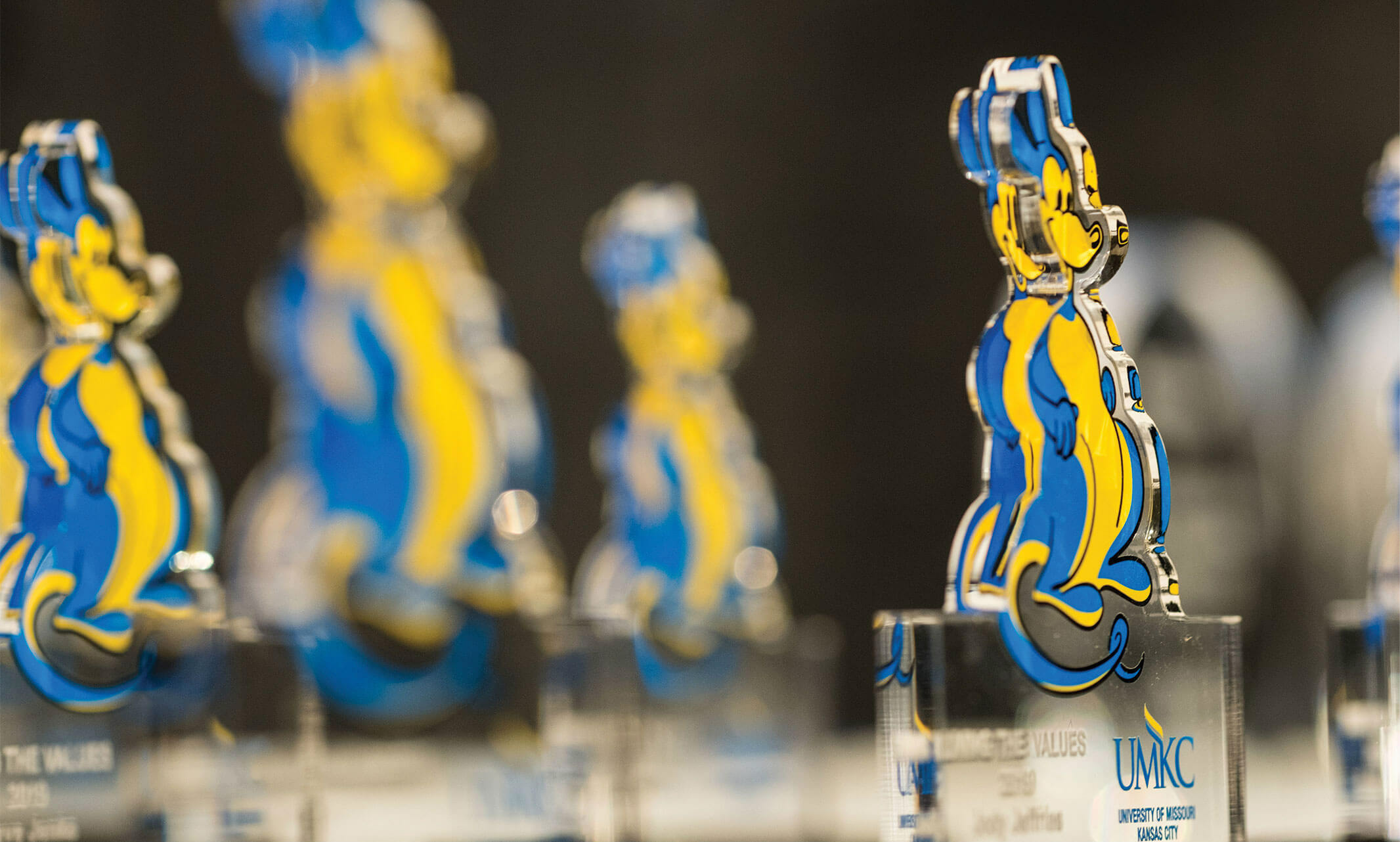
Annual event recognizes contributions
Excellence is the standard for UMKC staff, faculty and students.
More than 1,300 staff members demonstrate that excellence not only in customer service and quality of work, but in their personal ethics as well. The annual Staff Awards event gives our campus community a chance to recognize those who make a difference at UMKC.
Due to the COVID-19 pandemic, this year’s ceremony took place virtually on April 20 to celebrate dedication to student success, diversity and inclusion, engagement and outreach and research and discovery. The celebration also included milestone anniversaries, staff who were a part of the 2020 graduating class and staff who completed leadership development courses offered through the university.
“All of (our staff) have persevered through long months of disruption and kept UMKC running smoothly despite great challenges and significant obstacles,” says UMKC Chancellor Mauli Agrawal. “That, too, is worthy of note. I am honored to celebrate you today.”
Congratulations to the 2021 Staff Awards recipients:
40-year milestone anniversary
Leisha ManningJill Reyes
2020 spring, summer and fall graduates
Benjamin BissenTaylor BlackmonJamisha CooperMackenzie DossJason FosterAlissa GrattsScott GuerreroCory KinderEllyce LovelessShana MaloneCourtney McCainAlison MurdockJohari RussellElizabeth ValleBrian WesthuesMargaret Wight
Supervisory Development Series Graduates
Anne AllenMaryjane BruningErin BumannBrittany BummerJessica ElamJeremy FergusonCollin FosterMegan FrasherMargo GamacheElizabeth HanssenLaura M. KingLaura W. KingNancy KunkelDaniel McCarrollSteve McDonaldAmy McKuneZangi MitiShani NegronCasey RamseyAdam ShoemakerKristina ShultzLindy SmithRobin SommerJaney StephensAshley Swanson-HoyeAshley SylvaraHeidi UpdikeClay VernonSherrie WatkinsKaity WoodyRobert Wren
Administrative Leadership Development Program Graduates
Nathaniel AddingtonMatthew BrownKatherine GareyLisa MallowRosa NatarajMary ParsonsJennifer SackhoffTammy Welchert
Series on Leadership Essentials Graduates
Kenneth BledsoeMaria DeSimioConnor FenderCollin FosterMegan FrasherJalonn GordonElizabeth HanssenMeg HauserJonathan HernAmelia HowardBrent McCoyMyisha SimsSandra SmithPaul Wagner
Staff Council Dedication Award
Hannah Litwiller, senior student recruitment specialist, Office of Admissions
Living the Values Awards
Obie Austin, Student Health And WellnessMichael Bongartz, Finance and AdministrationCindy Brown, School of DentistryRosie Challacombe, College of Arts and SciencesSharon Colbert, School of Nursing and Health StudiesClint Dominick, Intercollegiate AthleticsMakini King, Division of Diversity and InclusionBrad Martens, School of EducationRachel McCommon, School of MedicineSteve McDonald, School of PharmacyZangi Miti, Strategic Marketing and CommunicationsMary A. Matturro Morgan, Henry W. Bloch School of ManagementHelen Perry, UMKC ConservatoryEmily Reeb, University LibrariesAshley Swanson-Hoye, School of LawJodi Troup, Office of Research ServicesJane Vogl, School of Computing and EngineeringAbby Weiser, Office of AdmissionsAsia Williams, School of Biological and Chemical Sciences
University Staff Awards
Excellence in Student Success – Marjory Eisenman, School of Computing and EngineeringExcellence in Research and Creative Works – Charles Brandon King, Institute for Human DevelopmentExcellence in Engagement and Outreach – Martha McCabe, School of Computing and Engineering Excellence in Multiculturalism, Globalism, Diversity and Inclusion – Dylan Burd, College of Arts and SciencesExcellence in Planning, Operations and Stewardship – Huan Ding, School of Computing and Engineering Chancellor’s Staff Award for Extraordinary Contributions – Anthony Maly, Office of Student InvolvementRising Star Award – Margo Gamache, Honors College
Apr 20, 2021
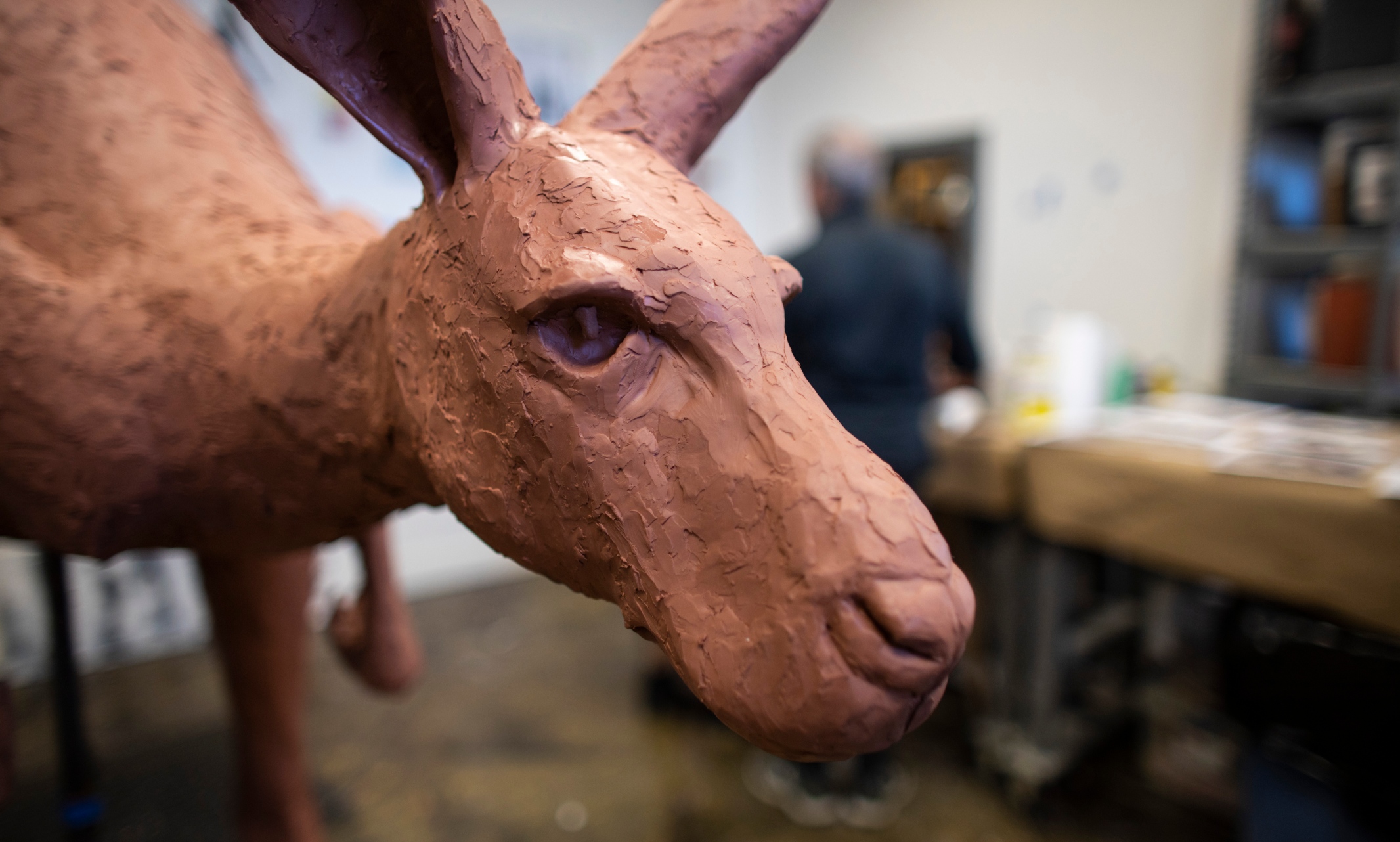
A monumental symbol of tradition at UMKC
There is no better time to celebrate the resilience of the Roo spirit than now. Our community has forged ahead through the challenges of an unprecedented year, and in celebration of that same enduring spirit, we’ll be unveiling a new Roo statue.
The unveiling is 10 a.m. Monday, April 26, at University Walkway, between Swinney Center and Miller Nichols Library and Learning Center, and the entire UMKC community is invited.
It’s an historic event that’s been a few years in the making. In 2018 the Student Government Association, with support of private donations, commissioned Kansas City artist Tom Corbin to create a new Roo statue for campus.
Donations for the statue were made in 2018 in honor of the investiture of Chancellor Mauli Agrawal. It is intended to be a symbol of our community and our history as Roos in Kansas City, and will serve as a rallying point on campus for important and meaningful events, gatherings and alumni visits.
Most important, the new addition to campus serves as an opportunity for students to establish new traditions. Former SGA president Abdul Ahmed offered a suggestion: “My hope is that future graduating classes will take photos in front of the Roo.”
History of the UMKC Roo and Campus Traditions
You would expect such a unique mascot to have an interesting origin story. We caught up with campus historian Chris Wolff to learn more about how the Roo was embraced by the students at UMKC.
Since the university’s founding, one of its core strengths has been its kinship to Kansas City. When the University of Kansas City (predecessor to UMKC) was established by local civic leaders during the Great Depression, it was meant to become a cultural monument — to put Kansas City on the map.
While it was prominent community members who built UMKC, its students are credited for much of what the university has become.
“The founders of UMKC were all-important businesspeople in Kansas City. None of them had any experience in education, so they left it upon the students to create the college experience they wanted,” Wolff said. Students chose the university’s colors, established the student newspaper and wrote the school’s alma mater.
In 1936, editors of the student newspaper decided the debate team needed a mascot. Students proposed adopting the kangaroo as the mascot due to the animal’s popularity at the Kansas City Zoo. To advocate for the mascot, a group of students formed the SGA Kangaroo Party and when they won the election in the spring of 1936, the kangaroo became the official university mascot. In 1938, Kansas City native Walt Disney drew the first picture of the kangaroo—you might see some similarities to a famous mouse!
Early illustration of our Roo mascot by Walt Disney.
The university has seen different versions of the Roo through the years. Wolff said throughout history, students have been known to draw their own depictions of the kangaroo despite the university having official branding guides for the kangaroo, the first set of which was in the 1950s.
“Even to this day you’ll see student groups draw their own depictions of Kasey Kangaroo. That’s one of the longstanding traditions of students,” Wolff said. “The reason the kangaroo survived as the mascot all of these years is because of its uniqueness and because of its connection to Kansas City.”
One of the most popular and appreciated depictions of the Roo can be found in watercolor paintings and sculpted into small awards sculptures molded by Corbin, a renowned Kansas City artist.
While traditions from spirit week activities and other student experiences change with the times, UMKC has several monuments, ones that remember classes of old and gifts dedicated by students and community members. For example, the class of 1939 donated one of two flagpoles currently standing on the quad; the other was gifted by the family of Harry Kaufman, a student who died fighting in World War II, and is dedicated to student veterans.
Wolff said UMKC grew up with Kansas City. Having been founded by the same civic leaders that established Liberty Memorial – which you can catch a glimpse of embedded in the university seal — and the Nelson-Atkins Museum of Art, UMKC has deep and longstanding connections to Kansas City. You can come from anywhere in the world, and if you come to UMKC, you are a part of that community.
“The reason the kangaroo survived as the mascot all of these years is because of its uniqueness and because of its connection to Kansas City.” – Chris Wolff
“Being a Roo means you’re more than just part of the university. It means you’re a part of a whole community that starts with the college,” he said.
With a renewed sense of school spirit and plans to establish a new sense of belonging for its students, new traditions are being created. A few of the oldest ones, however, remain — the student and alumni impact on Kansas City, a lasting gift to campus and a new version of the Roo.
“Kansas City has a very important connection to art. I can’t imagine not having the Nelson here, or the Kemper, or being able to come take photos on campus,” Corbin said. “I hope the Roo inspires other artists. When I was coming into my career as a sculptor, I was told that I could never make a living as an artist. I want to encourage students and let them know they can do it.
“I did a lot of research on kangaroos prior to sculpting the actual monument, and one of the things I learned is that Roos cannot go backward. They can only go forward.”
Join our campus community as we celebrate the installation of this monument. The ceremony will be 10 a.m. Monday, April 26, next to University Walkway near Miller Nichols Library and the University Playhouse. Please continue to follow masking and distancing guidelines.
Watch the livestream
Apr 19, 2021
KBIA taps Chi-Ming Hung about flag football
Flag football presents an opportunity for kids to play the sport they love with less chance of injury. Chi-Ming Hung, professor and neurobiologist at the UMKC School of Biological and Chemical Sciences, and a flag football program director discuss how this version of the sport is a safer alternative. Read more.
Apr 17, 2021
KMBC reports on UMKC vaccination event
Students from the UMKC schools of medicine, nursing, pharmacy and dentistry helped administer the shots. Read more.
Apr 16, 2021

The 2021 recipients include five UMKC faculty members
Every year, the highly competitive UM System President’s Awards recognize faculty who have made exceptional contributions in advancing their university community.
The awards are presented on behalf of President Mun Choi to faculty members across the four universities of the UM System. This year, UMKC faculty members were honored with five awards:
Presidential Faculty Award for University Citizenship, Service Award
Laverne Berkel, School of Education
Laverne Berkel, associate professor of counseling and counseling psychology, has earned this year’s award for distinguished service. Her exceptional contributions include creating academic policy, ensuring research compliance and advising on matters related to academic leadership development. She served on the provost’s committee for excellence in teaching and worked to address diversity concerns, even as far back as establishing the campus’s first SAFE ZONE program in 2000.
“I have known and worked closely with Dr. Berkel since she joined our faculty in 1999,” said Chris Brown, chair and fellow professor of counseling and counseling psychology. “I can think of no one else who is more deserving of this award.”
Presidential Faculty Award for Innovative Teaching
Wanda Temm, School of Law
This year’s award, which recognizes faculty who are outstanding teachers and employ novel and innovated teaching methods to achieve success in student learning, was presented to Wanda Temm, professor at the School of Law. Temm developed a program to prepare students for the legal profession’s credentialing test—the bar exam. The program has increased the bar passage rate for first-time takers at UMKC from 67% to 98%.
“My role is to try as many ways as I can to engage my students,” Temm said. “If one way is not working, then I’ll try another way. Different explanations, visualizations and exercises work for different students. I strive to present the skill they are developing in diverse ways and in an individualized manner through my comments on their papers and in individual conferences.”
The Inter-Campus Collaboration Award
Janet Garcia-Hallett, College of Arts and Sciences
Janet Garcia-Hallett, assistant professor of criminal justice and criminology, was recognized for activities that foster collaboration across two or more campuses of the University of Missouri System. She worked with faculty members on the University of Missouri and University of Missouri-St. Louis campuses on the Prison Research and Innovation Network (PRIN) grant, funded by the Urban Institute in collaboration with the Missouri Department of Corrections.
“PRIN is an externally funded project that brings together not just our UM system campuses, but also our state’s Department of Corrections, government officials and policy makers in pursuit of a better, more humane and evidence-based correctional system,” said Kati Toivanen, interim dean of the College of Arts and Sciences. “The project is a major and collaborative undertaking that serves the dual purposes of helping Missouri’s corrections-involved individuals lead more functional lives, and informing the peer-reviewed literature base so other state systems can gain from the results.”
The Economic Development Award
Reza Derakhshani, School of Computing and Engineering
Recognized for distinguished activity and serving as an economic engine for the state and its citizens, this year’s Economic Development Award winner is Reza Derakhshani, professor of the School of Computing and Engineering. Derakhshani is an internationally renowned entrepreneurial academic in the fields of biometric personal identification, privacy and mobile security. He is the named inventor on nearly 140 U.S.- and international-issued patents.
“I have also been volunteering my entrepreneurial experience with other UMKC faculty members and our University System through serving on the school and system-wide tech transfer and patent committees,” Derakhshani said, “as well as infusing that know-how in my courses and sharing them with our students so that they can carry the torch.”
Presidential Faculty Award for Cross-Cultural Engagement
Andrew Stuart Bergerson, College of Arts and Sciences
Andrew Stuart Bergerson, professor of history, received this award for promoting cross-cultural engagement through education, research and service. Bergerson’s research focus is on everyday life in modern Germany, with particular interests in the Holocaust and Nazi Germany. He reaches diverse audiences with a variety of media, including blogs, curricula, digitized archival collections, eBooks, exhibitions, drama, lectures, radio, seminars, workshops and YouTube.
“In the last 10 years, Drew has become a system leader in cross-cultural engagement through his innovative education, research, and service,” said Massimiliano Vitiello, fellow professor of history. “He is essential to our public history program has been a key voice in developing this field in our department.”
Apr 15, 2021
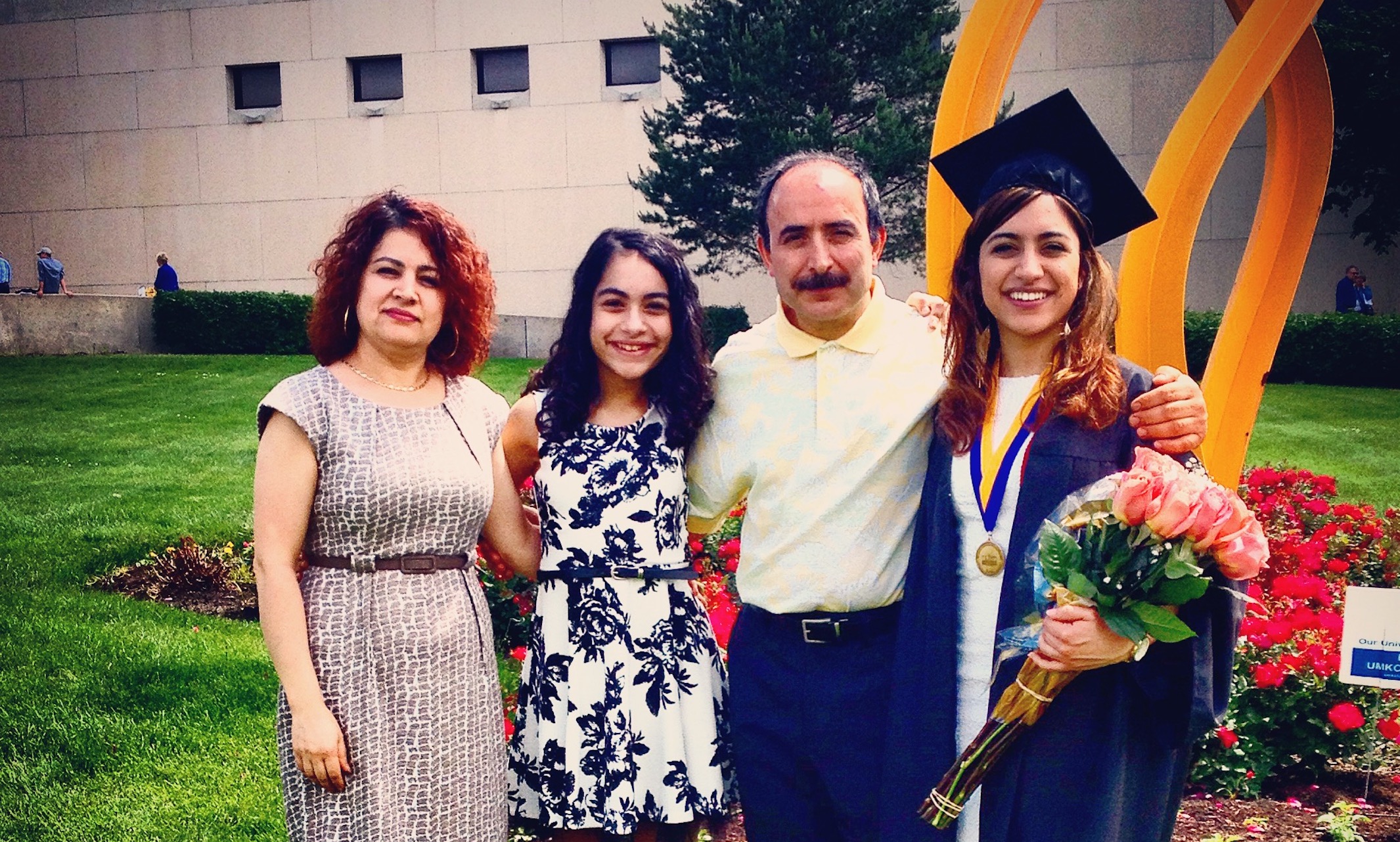
$90,000 award supports training in women’s health
Nazanin Yeganeh Kazemi, (BS, ’15, Biology and Chemistry) received a Paul and Daisy Soros Fellowship for New Americans of $90,000 to support her MD/PhD training in medicine and immunology at Mayo Clinic College of Medicine.
The merit-based Paul and Daisy Soros Fellowships are exclusively for immigrants and children of immigrants who are pursuing graduate degrees in the United States. This year the program received more than 2,400 applications for 30 fellowships.
Kazemi was working from home in Switzerland, where she is serving as a United States Fulbright Scholar, when she received the news.
“After spending the morning setting up my experiments in the lab, I was working on a manuscript in my flat here in Geneva when I got the phone call from Daisy Soros and Craig Harwood. It was such a joy to hear their voices and to receive the news in such a personal way.”
Kazemi says her success has been hard-earned.
“My parents and I moved to the United States from Iran in 1999,” Kazemi said. “Between the three of us, we knew about two words of English. I only knew how to say, ‘Hello.’"
She says her parents’ first priority was always her education and that her success is a culmination of their sacrifices.
"As a first-generation college student and first-generation immigrant, I have always known that education is the biggest privilege," Kazemi says.
Kazemi is pursuing her doctorate in immunology with a focus on women’s health.
“The health of women all over the world has undeniable implications for the health of every facet of our society from the health and success of our future generations to the global economy,” Kazemi says. “Moreover, we live in an era where, despite women all around the world making amazing progress toward our rights and fair treatment, we still face a great deal of prejudice and abuse. I am dedicated to women's health because I believe in a world where every woman feels safe, respected and treated fairly and is able to pursue her goals without fear.”
"As a first-generation college student and first-generation immigrant, I have always known that education is the biggest privilege." - Nazanin Yeganeh Kazemi
While the fellowship helps to fund her training, she is excited about other aspects of the program.
“It’s a truly unique fellowship that helps awardees reach their goals in many aspects of life through the connection with over two decades of alumni. I’m just thrilled to get to know the other fellows!” she says. “There are so many amazing recipients of this award and I’m excited for the friendships and colleagues I’ll get to have. The current and past recipients have backgrounds, goals and interests that are similar to mine, which is a rare feeling as an immigrant.”
Kazemi says she never could have imagined this opportunity when she immigrated to the United States.
“Never in a million years would I have imagined I would be here! Being an immigrant in the U.S. is a unique experience filled with the greatest potential for opportunity, but it can also be a very challenging experience. I am grateful to my parents, teachers, and mentors who have helped me make it this far.”
Apr 14, 2021
Hollywood Reporter ranks UMKC Theatre program
UMKC Theatre is again on this list of top costume design schools. Read the full article.
Apr 13, 2021
Yanira Merino channels César Chávez in annual lecture
César Chávez was the organizer of the Chicano Movement in the United States and founder of the United Farm Workers. Every year the UMKC Division of Diversity and Inclusion invites a leader to give the César Chávez Lecture. The presentation is designed to honor the accomplishments of Chávez and to inspire others to continue the legacy of his tireless, nonviolent leadership in ways they feel passionate so that more people can live with dignity and experience equal civil rights.
Yanira Merino
The speaker on April 8 was Yanira Merino, national president of the Labor Council for Latin American Advancement, which represents the interests of approximately two million Latino(a) trade unionists throughout the United States and Puerto Rico. In the spirit of César Chávez, Merino participated virtually and spoke about the many ways we are all fighting for a better life in the same country – the United States of America.
“You are never strong enough that you don’t need help,” Merino quoted from Chávez.
Chávez successfully used nonviolent tactics to organize farm workers against unfair labor practices and unhealthy working conditions that continue today as farm workers are exposed to harmful pesticides, dangerous equipment, hazardous “housing” and unfair wages. As a veteran labor and immigration rights leader and advocate, Merino fights in much the same way as Chávez.
Merino was born in El Salvador during a time of political violence and civil war. Merino shared her family’s struggle in the 1970s when they fled El Salvador for the United States. It was during this time Merino developed a passion for seeking justice for workers in El Salvador and those who fled for the United States. Merino’s family experienced separation, deportation and flight back to the United States as undocumented immigrants. Merino shared her feelings of fear, living undocumented, similar to the fear experienced by many today.
Merino worked many jobs in Los Angeles as an undocumented individual and knows, first-hand, what it is like to live in fear of deportation but with the hope for a better future. Perseverance is what kept Merino on the path to advocating for justice and equality. The working conditions at her places of employment were not good. But like Chávez, Merino learned the importance of working together. She and fellow workers were inspired to form a union. Despite being fired twice and working for a company that divided its employees, the union organized with Merino’s leadership. Within six months they had a contract and they stayed united. Merino recommended today’s youth look at history and learn about the labor movement, unions and how the middle class was created.
“Embrace our past,” she said. “Embrace our contributions. Embrace where we are going together.”
The labor unions play an important part in the building of the middle class, according to Merino. Unions lobby for wages and benefits. The ability to make more money gives people the chance to save money, buy homes, send children to school.
How can others speak out and overcome the barriers when you are the only one? Merino said move forward, as Chavez always talked about, know that you are speaking for everyone else.
Merino’s advice for those who want to see change is to get involved, remember change doesn’t happen overnight and it’s not easy. She said to build bridges between communities, find similarities, put together policies that benefit all, work with younger generations to understand that moving forward is up to everyone, work with churches, work with elected officers and elect people who look and think like you do.
“This is not only my fight, it’s our fight,” Merino said. “At the end of the day, we’re all fighting for democracy and this nation. When we connect as people, as workers…we achieve this.”
The lecture was moderated by Chris Hernandez, chief spokesman for the City of Kansas City, Missouri, and director of the City Communications Office. UMKC student Daphne Posadas introduced Merino and Hernandez.
Apr 12, 2021
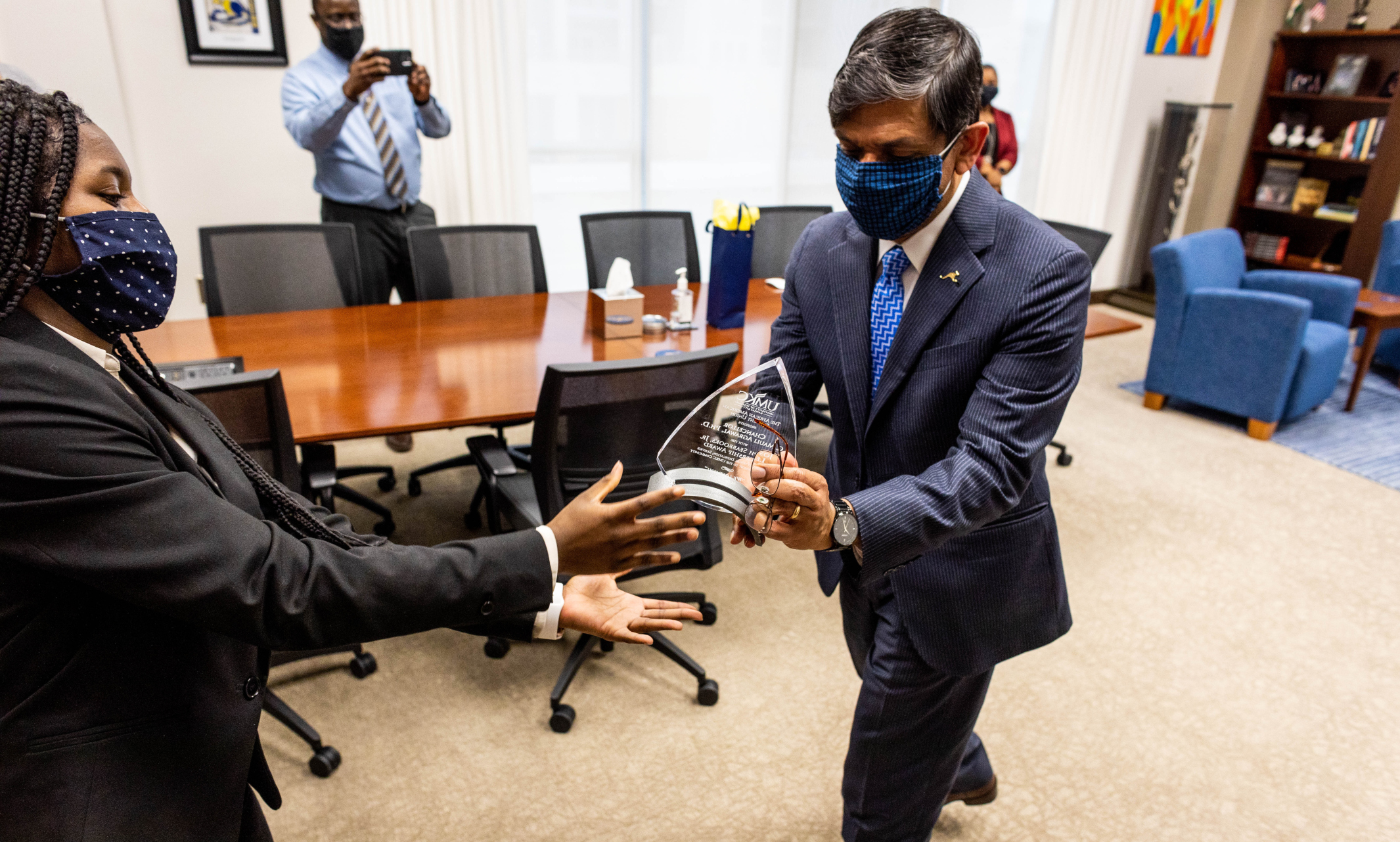
TAASU presents annual Dr. Joseph Seabrooks Jr. Award to Mauli Agrawal
The African American Student Union (TAASU) surprised Chancellor Mauli Agrawal in his office April 12 with the presentation of the Dr. Joseph Seabrooks Jr. Leadership Award.
TAASU typically presents the award at their annual Freedom Breakfast. The award recognizes the service, leadership, professionalism and dedication of a faculty or staff member. The breakfast was cancelled this year due to the COVID-19 pandemic but TAASU members wanted to let the chancellor know how much they appreciated his leadership during the difficult social justice events of the past year.
“We want to present you with this award for your help and response to everything that has been going on, and the way you have responded to our requests,” said Blessing Onwudinanti, treasurer of TAASU.
Agrawal responded simply, “There is more work to be done.”
Onwudinanti was joined at the presentation by Brenda Reed, TAASU cultural chair and secretary. They said specific responsive actions by the chancellor included the creation of the Unity Gardens and Diversity Expansion Scholarship programs, and the launch of the Roos Advocate for Community Change initiative.
“It’s just something I need to do,” Agrawal said.
See the TAASU Video
Apr 12, 2021
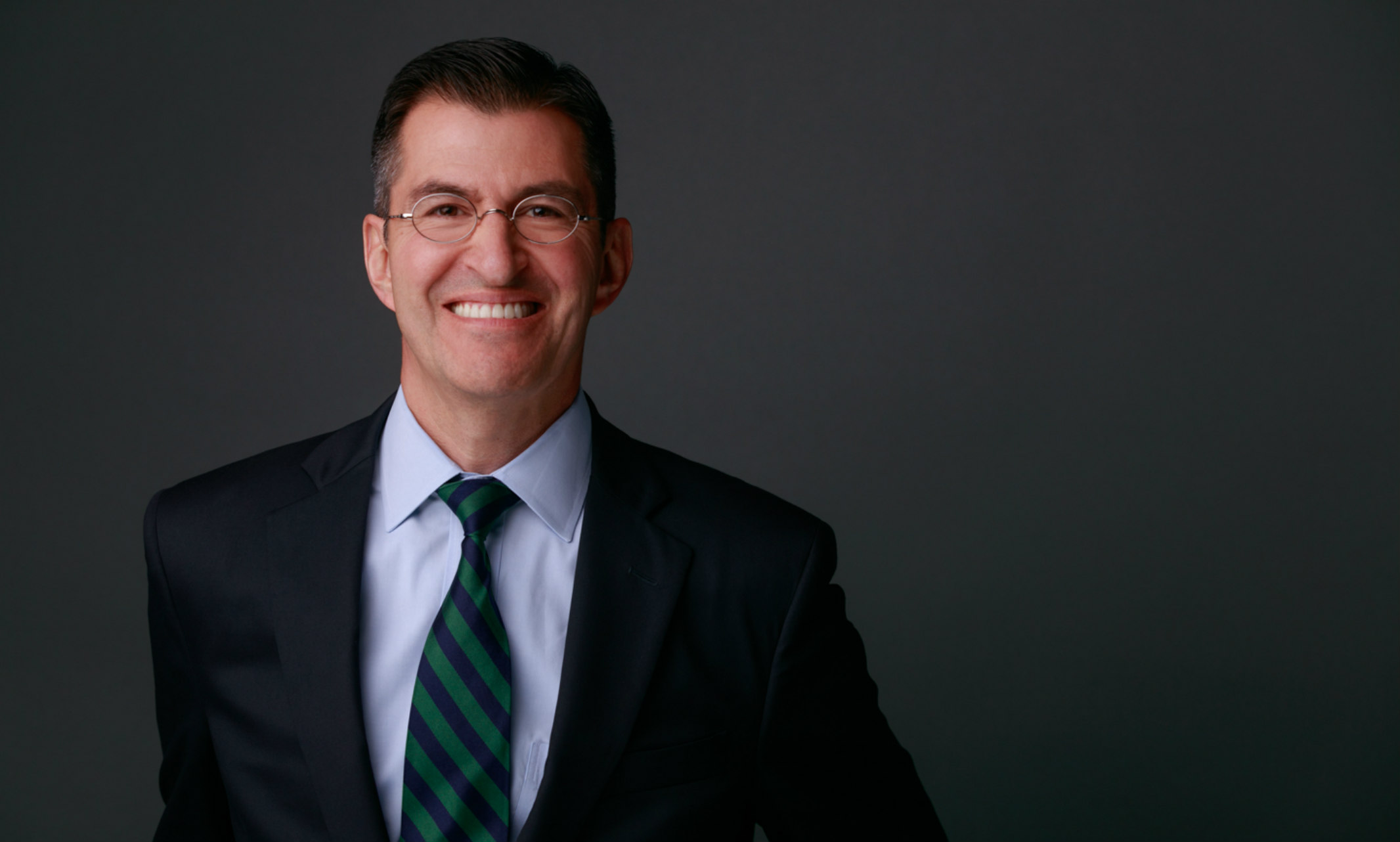
UMKC to honor Alexander Norbash as 2020 Alumnus of the Year
Each year, the UMKC Alumni Association recognizes the achievements of outstanding alumni with an awards celebration. UMKC is honoring Alexander Norbash (M.D. ’86) with its Class of 2020 Alumnus of the Year Award.
An interventional neuroradiologist, Norbash has been instrumental in inventing and implementing new technologies that are less invasive and more effective for treating strokes and brain aneurysms. Neuroradiology is a highly technical specialty that addresses life-and-death matters with techniques requiring high precision and composure.
Norbash serves as chair and professor of the Department of Radiology, associate vice chancellor for Diversity, Equity and Inclusion and adjunct professor of Neurosurgery at the University of California San Diego (UC San Diego).
As one who works on the cutting-edge of developing interventional neuroradiology, how do you see the technology changing and being implemented?
We are resistant to abandon tried and true successful revenue opportunities and risk them in moving to low individual margins where there may be much higher volumes and even greater profitability. Just because we can do a brain MRI in 5 minutes doesn’t mean all practitioners and referring physicians are confident today in the 5-minute scan. I still believe in the high-volume and high-access vision as an inevitability, although it has yet to come to pass. I know my fellow physicians will see the advantages of a more populist and broader health care delivery model. I look forward to that day.
You wear many hats - leader, researcher, educator, mentor and doctor. Is there one area most important to you? Most challenging?
Mentoring is an awesome responsibility and the greatest privilege of my professional life. It is both important and challenging. In such instances, I have the opportunity to live on in others, forge lifetime friendships and help others learn from my mistakes. I believe that is the essence of teaching and professing.
You are the founding chair of the American College of Radiology (ACR) Head Injury Institute (HII). What do you hope to accomplish with this organization?
Many medical disciplines have a spectrum of untapped contributions to make in a multitude of areas and trauma is one example. Working with large groups of practitioners interested in concussion imaging and management, there is facilitation elevation in the quality of care delivered to both individual patients and our broader society. Through collaborations we can understand both the value of concussion imaging and how to disseminate novel discoveries and best practices for the same.
In addition to your roles in radiology at UC San Diego, you serve as associate vice-chancellor for Diversity, Equity and Inclusion. Why is that position important to you?
In order to maximize the potential contributions of an organization, I believe it is important to leverage the commitment and full engagement of every individual within that organization. That is exactly what Inclusion refers to, where every single individual feels appreciated and included, therefore valued, and as such motivated to perform to their highest individual and collective potential. In my opinion, leading to this destination should be one of the highest goals of any manager.
What advice do you have for students who would like to follow in your footsteps?
First, concentrate on forging ties with mentors who believe in you and whom you can believe in. Second, say “yes” as much as possible to expose yourself to the full richness your environment provides. Third, stoke your curiosity and wonder. This will result in you seeing and understanding people, places and things beyond your dreams.
About the Alumni Awards
Join us in honoring Norbash and the other Class of 2020 Awardees in our first-ever virtual celebration at 5 p.m. April 16. Go to umkcalumni.com/alumniawards to register for this free event. If you are unable to attend the event but would like to donate to student scholarships, contributions can be made online.
Meet the rest of the 2020 UMKC Alumni Awardees
Apr 11, 2021
Alison Graettinger weighs-in on volcano
“Because of the position of Dotsero being on the edge of the Colorado Plateau, there’s a possibility for future eruptions, but it’s much lower than in places like the Caribbean, where we know that magma is being made at depth regularly,” Alison Graettinger, assistant professor of geosciences at the University of Missouri-Kansas City, told Denver7. Read more.
Apr 10, 2021
Dos Mundos highlights research involving Janette Berkley-Patton
In 2018, a team of researchers at St. Luke’s and the University of Missouri-Kansas City started a project to raise awareness about PAD. The team, comprised of Kim Smolderen, formerly of St. Luke’s/UMKC, now at Yale University; Christina Pacheco, St. Luke’s Mid America Heart Institute; and Janette Berkley-Patton, UMKC, resulted in the creation of an online platform to share their findings with newly diagnosed people. Read more.
Apr 09, 2021
Media covers Senator Blunt's tours School of Medicine program
Senator Roy Blunt visited medical students at Mosaic Life Care in St. Joseph Thursday. The Missouri Republican helped secure grant funding that got the UMKC School of Medicine program off the ground. This was covered by KQ2 and KFEQ.
Apr 09, 2021
Managed care publication writes about John A Spertus research
Study author John A Spertus, MD, MPH, Lauer Missouri Endowed Chair and professor of medicine, University of Missouri-Kansas City, was on a panel to analyze what the trend of crowdfunding says about health care costs and affordability; what message payers can take from it; and what solutions could help decrease the need for online fundraising. Read the article.
Apr 09, 2021
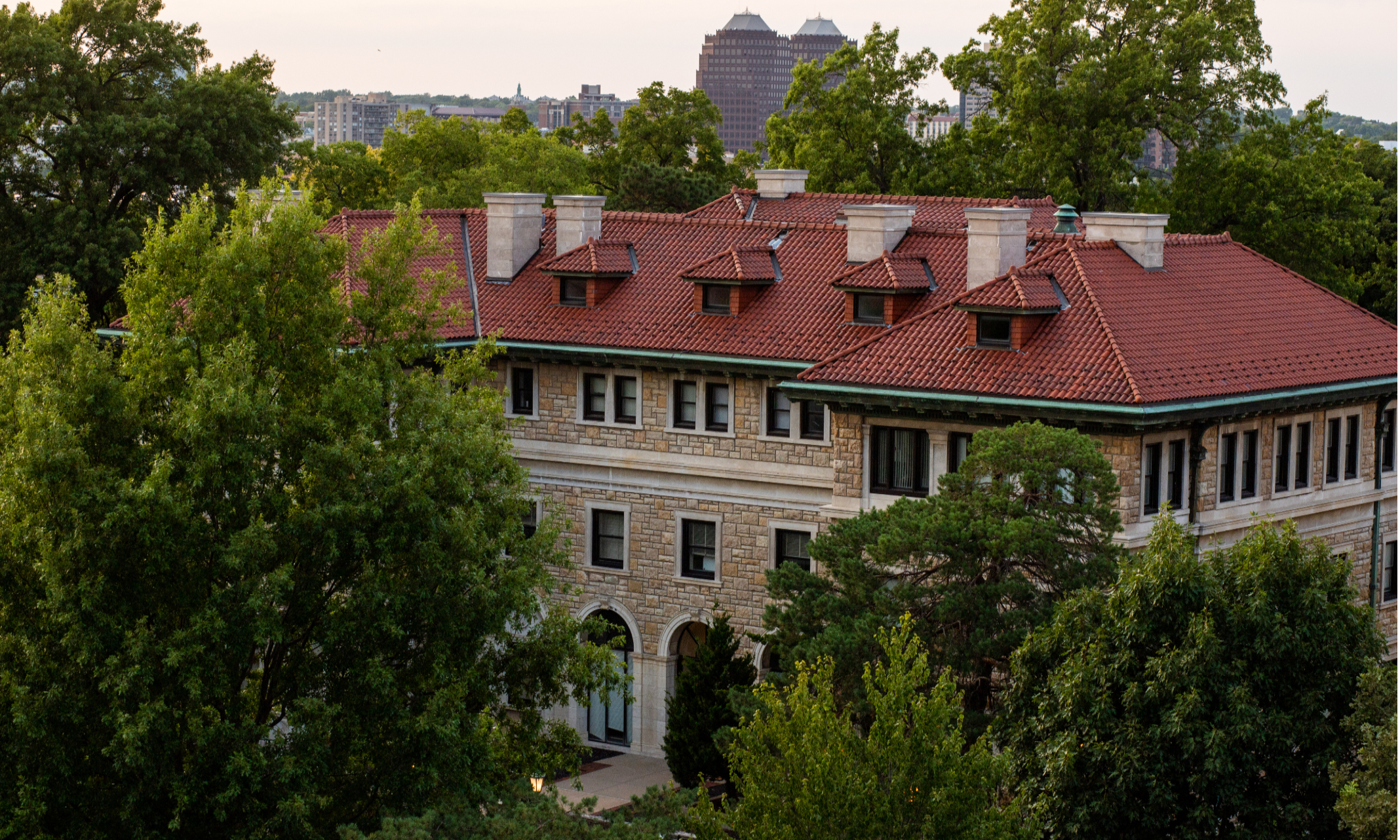
Examples available online all week
Even a pandemic cannot stop undergraduate students from pursuing significant research projects at the University of Missouri-Kansas City.
Starting April 12, students will present their research projects publicly during the University of Missouri System Undergraduate Research Day, along with students from the other three UM System campuses.
This annual event at the Capitol is typically a single day devoted to demonstrate to lawmakers in Jefferson City, as well as the public, the unique opportunities undergraduate students have to participate in faculty-mentored research at the four UM System universities. Due to the pandemic, this year’s event will be held virtually over the course of a week, which gives the students more opportunities to engage lawmakers and other key audiences.
This year, 15 UMKC students are presenting their work, the most of any school in the University of Missouri System.
Those featured research projects this year are:
Increasing STEM Engagement in Underrepresented Minority Groups
Student: Alynah Adams
Faculty mentor: Shin Moteki, assistant professor of chemistry
Adams acknowledges and encourages greater equity within the STEM fields of science, technology, engineering and mathematics to reinforce and support minority students in the Midwestern United States in order to encourage economic growth. These students face barriers that range from a general lack of representation and mentorship, unequal opportunity, limited perception of potential career paths and disproportionate access to materials, all the way to the perpetual biases and stereotyping that begins early and continues on throughout a minority student’s career. The research emphasizes the steps that can be taken to mitigate these barriers and encourage Missouri students from a variety of backgrounds to engage in STEM higher education.
Adams is studying biology.
Development of Implementation of Physical Activity and Nutrition Interventions for Adolescent Youth
Student: Maya Baughn
Faculty mentors: Amanda Grimes and Joseph Lightner, assistant professors of nursing and health studies
This study aims to provide better implementation of physical activity and nutrition interventions in order to positively increase the overall health status for all adolescent youth with mindfulness toward underserved female youth. According to the Center for Disease Control and Prevention, in 2019 there was a 18.5% prevalence for obesity in individuals aged 2-19. One possible solution for reducing the occurrence of chronic health issues like obesity is physical activity. Kansas City, Missouri was selected by the Department of Health and Human Services as one of eighteen sites to deliver a physical activity and nutrition intervention to adolescents. Move More, Get More (formally known as Youth Engagement in Sports) is an initiative that targets students in grades 6-8 who attend select Kansas City public middle schools.
Baughn is studying health sciences.
Smart Catalysts – Green and Sustainable Synthetic Approach Mimicking Living Cells
Student: Ashley Cole
Faculty mentor: Shin Moteki, assistant professor of chemistry
Chemical manufacturing is one of the largest industries in Missouri. Cole’s research is dedicated to green/sustainable production, with a product that will be highly competitive in price through a reduction in manufacturing costs.
Catalysis is a process that accelerates chemical reactions which would otherwise be extremely slow. Enzymes are biological catalysts which transform many materials (food) into essential products critical for sustaining life. Outside of biological systems, catalytic processes are involved in the industrial chemical processing of over 80% of all manufactured products. The purpose of this research is to design and prepare artificial enzymes or “smart catalysts,” which are applicable toward one-pot multi-step reactions that mimic biological systems.
Cole is studying biology.
Predator Avoidance Behavior of Dubia Cockroaches
Student: Sahla Esam
Faculty mentor: Rachel Allen, assistant teaching professor of biology
This study focuses on observing and analyzing the different behavioral patterns Dubia cockroaches use to avoid potential predation. There is considerable variation in terms of habitats occupied by insect groups and how they avoid detection by predators in those locations including camouflage or taking cover. Because of the close phylogenetic relationship between the Dubia cockroach (one of the most preferred feeder insect options available in Missouri) and the German cockroach (which is the most abundant domestic pest cockroach in Missouri) it may be possible to extend the reach of this study to find ways to dissuade domestic infestations of this widespread household pest.
Esam is studying biology.
Promoting Better Sleep: Studying Eye Physiology at the Cellular Level in Fruit Flies
Students: Connor Flathers and Anthony Reddick
Faculty mentor: Jeffrey Price, professor of biology
Flather’s and Reddick’s research on mechanisms affecting circadian rhythms will assist in the understanding of sleep-related disorders including insomnia, narcolepsy and Alzheimer’s disease. The circadian rhythm, which is produced by an internal biological clock and drives the sleep/wake cycle as well as changes in eye physiology, is driven by a nuclear accumulation of several proteins in the eyes. Understanding the circadian rhythm can lead to the development of treatments for these disorders, as well as mechanisms for changes in eye physiology.
Flathers is studying biology. Reddick is a chemistry major.
Comparisons of Support Among K-12 Music Teachers in Missouri and Kansas
Student: Jacob Furry
Faculty mentor: Lani Hamilton, assistant professor of music education
The purpose of this study is to examine correlations between various personal/situational factors and music teachers’ perceptions of support received from administration, colleagues and students’ parents. This descriptive study will help us better understand teachers’ perceptions of the music education environment in rural, urban and suburban school locations as well as perceptions held by participants located across the Missouri/Kansas state line. Furry developed a survey for music teachers in the states of Missouri and Kansas, inquiring about participants’ demographic information, educational experiences, teaching history, future teaching plans and perceptions of support.
Furry is studying music education.
Internet of Things (IoT) and Public Space: The Case of ShotSpotter
Student: Rachel Moreno
Faculty mentor: Shannon Jackson, associate professor of anthropology
The purpose of the Smart City is to help public officials and innovators respond to the needs of residents more efficiently and effectively by using Internet of Things (IoT) to gather data about user behavior and the urban environment. The belief is that devices and more automatic data collection will create a safer and more efficient city. Moreno’s research focuses on ShotSpotter (SST), an IoT gunshot detection system that uses acoustic sensors to locate and determine gunfire. ShotSpotter is one of many publicly deployed systems that is privately owned. Its integration with public infrastructure further blurs the boundaries separating public and private decision-making.
Moreno is studying sociology and history.
A Knowledge Graph for Managing and Analyzing Spanish American Notary Records
Students: Ryan Rowland and Adam Sisk
Faculty mentor: Viviana Grieco, associate professor of history
Rowland and Sisk’s research follows the changes in modern Spanish spelling and phonetics to show that modifications pioneered by prominent Spanish writers and poets transferred to the notarial scripts and focuses on how public notaries and the deeds they drafted promoted the expansion of trade and credit in seventeenth century Buenos Aires beyond the boundaries of family networks. Since advances in deep learning are transferrable to other fields, this software could be used in the management of documentary collections available in Missouri.
Rowland is studying history and Spanish. Sisk is a Spanish major.
The Intercalation of Cancer Drug Doxorubicin in Various DNA Sequences
Student: Shanya San Namiq
Faculty mentor: Wai-Yim Ching, professor of physics and astronomy
Doxorubicin is a cancer drug that treats a wide range of cancers including leukemia, lymphoma and cancers in internal organs, tissues and skins. This drug damages the cancerous cells and prevents them from growing and reproducing. This research project focuses on studying different DNA sequences that would generate the highest yield for the insertion of doxorubicin. This is determined by analyzing chemical and physical properties of the cancer drug incorporated into the various studied base pairs in the DNA.
San Namiq is studying biology.
Protective Factors and Their Relationship with Attachment in Preschoolers
Student: Kaia Schott
Faculty mentor: Erin Hambrick, professor of psychology
Attachment in the context of child development is defined as the emotional bond between a child and their parent or caregiving figure. Adverse experiences, such as a lack of consistency in parenting, can affect attachment because they may influence the child’s perception that caregivers are consistently available to provide a safe base from which they can explore their world. This can negatively affect regulation, adaptability, and resilience. This project will investigate factors that may have protected children who experienced adversity from experiencing low attachment.
Schott is studying psychology and sociology.
Cool Roofs’ Potential to Mitigate Heat-Induced Health Risks in the Kansas City Metro Area
Student: Shreya Suri
Faculty mentor: Fengpeng Sun, assistant professor of earth and environmental sciences
An urban heat island (UHI) refers to an urban area that is significantly warmer than surrounding rural and suburban regions due to human activity, sparse vegetation, and the use of heat-retaining materials in infrastructure. This increase in temperature is associated with an increased risk of heat stress and heat-related illness, such as heat stroke. A potential solution to mitigate the UHI effect in urban areas is the implementation of cool roofs, which absorb less heat and reflect a greater percentage of solar radiation compared to traditional roofs due to their reflective color and/or material. In addition to reducing local air temperatures, cool roofs can improve indoor comfort, reduce energy costs associated with air conditioning, and extend roof life due to decreased heat absorption.
Suri is studying biology and environmental science.
Real-time Prediction of Water Quality in Kansas City Urban Lakes
Student: Grant Verhulst
Faculty mentor: Jujung Lee, professor of geosciences
The expense of traditional water quality monitoring systems has limited community accessibility, giving rise to public health concerns about harmful algal blooms. Availability of reliable, affordable and real-time water quality data is not an option for most communities due to technical and financial limitations. The purpose of this project is to develop a cost-effective approach to monitoring the water quality of lakes.
Verhulst is studying environmental science.
Keeping it Together: Unlocking the Causes of Infertility and Genetic Disorders
Student: Emily Wesley
Faculty mentors: Scott Hawley, adjunct professor of biology, and Katie Billmyre
Meiosis is a complex process that most organisms use to generate germ cells (eggs and sperm) for sexual reproduction. Successful meiosis requires the correct amount of genetic material (i.e. chromosomes) to be packaged in each egg or sperm. A failure in this process results in aneuploidy (the incorrect number of chromosomes), which can cause genetic disorders such as Down syndrome, Klinefelter syndrome, infertility or miscarriage. Wesley used the fruit fly to study multiple aspects of the synaptonemal complex.
Wesley is studying biology.
For more information on Undergraduate Research Day, visit: www.umsystem.edu/ums/red/undergraduate_research_day
Apr 09, 2021
St. Joseph newspaper covers Sen. Blunt's visit to UMKC School of Medicine site
Sen. Roy Blunt, R-Mo., made a trip Thursday to Mosaic Life Care, to mark the expansion of the University of Missouri-Kansas City School of Medicine’s program in St. Joseph. Read the full article.
Apr 08, 2021
KSHB interviews Bill Black, associate professor of economics and law
The fact voters are willing to tax themselves during a pandemic is a sign the economy is rebounding, according to Bill Black, an associate professor of economics and law at the University of Missouri-Kansas City. Read the article and watch the newscast.
Apr 08, 2021
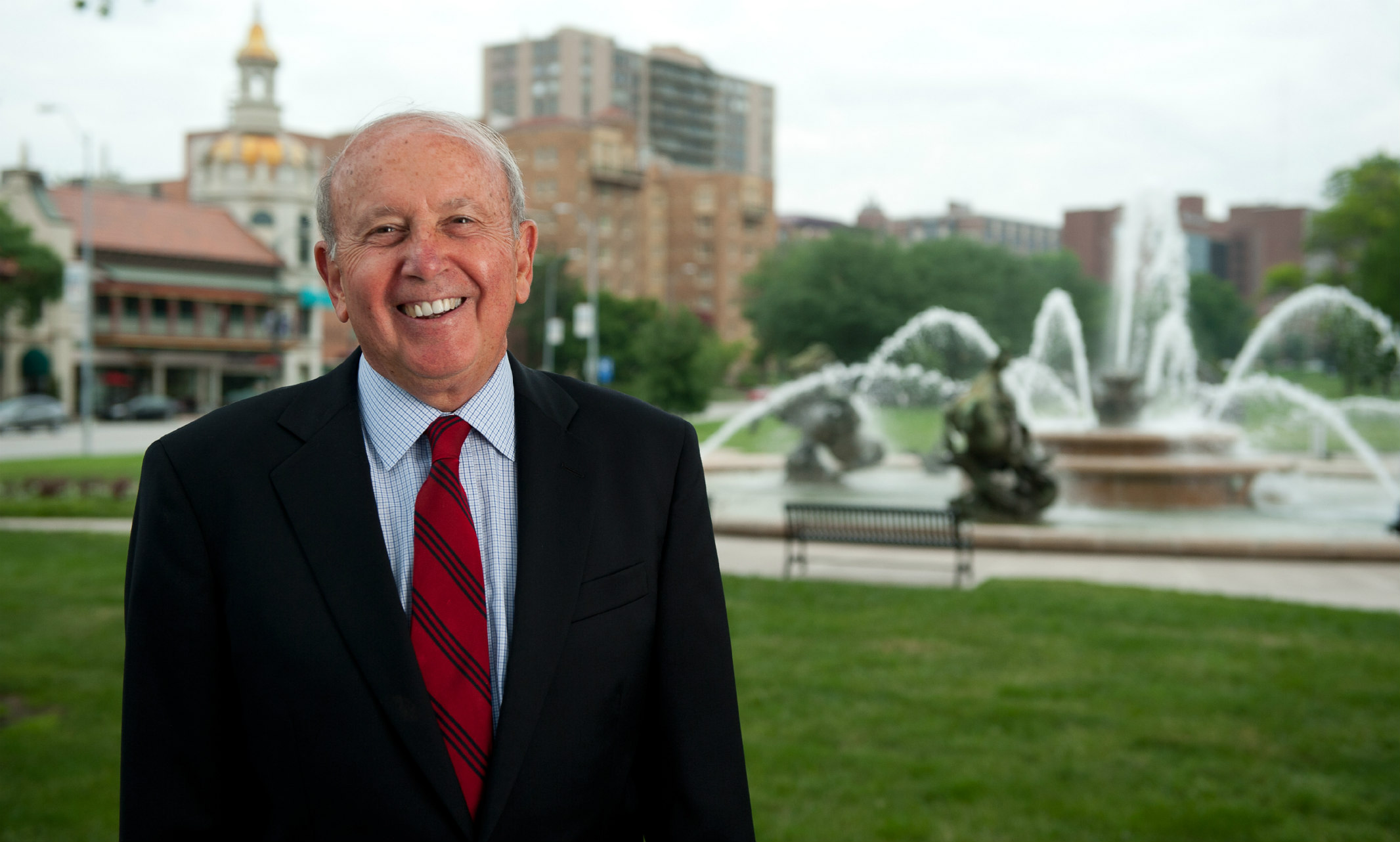
Trustee’s commitment to UMKC is enduring and multifaceted
The University of Missouri-Kansas City is honoring Jim Polsinelli (J.D. ’67, H.D. ’13) with its Class of 2020 Bill French Alumni Service Award for his dedication to the university.
Jim Polsinelli(J.D. ’67, H.D. ’13)
Giving back to the Kansas City community is key to University of Missouri-Kansas City Trustee Jim Polsinelli’s philosophy. Polsinelli leads by example. An active member of the UMKC community, Polsinelli is past chairman of the UMKC Board of Trustees, a member and past president of the Law Foundation board and former board member of the UMKC Foundation. He has served as past co-chair of the 2018 UMKC Alumni Awards, has been a tireless advocate for the university in Jefferson City and graciously hosts events for students at Polsinelli, the law firm he co-founded in 1972.
“It is hard to imagine how anyone who has built the second largest law firm in Kansas City could find the time and tremendous energy he has displayed in several capacities supporting UMKC,” said Leo Morton, chancellor emeritus at UMKC.
A dedicated community volunteer even before his retirement in 2018, he has encouraged community involvement by instilling a giving program for his associates at Polsinelli, which reflects his commitment to sharing success. Polsinelli and the firm’s associates have been consistent supporters of UMKC, donating generously to the UMKC Law School, The Kansas City Repertory Theatre, the Henry W. Bloch School of Management, the Entrepreneur of the Year program, the UMKC Conservatory and KCUR.
Join us in honoring Jim Polsinelli and the other Class of 2020 Awardees in our first-ever virtual celebration at 5 p.m. April 16. Go to umkcalumni.com/alumniawards to register for this free event. If you are unable to attend the event but would like to donate to student scholarships, contributions can be made online.
Meet the rest of the 2020 UMKC Alumni Awardees
Apr 08, 2021
Missouri Business Alert reports on the federal funding and local match
The University of Missouri-Kansas City Innovation Center, in partnership with KC Digital Drive, will use a $750,000 federal contribution and a $239,000 local match to support the Comeback KC Ventures project. The initiative will aim to identify COVID-related community needs and come up with technology-based solutions, according to the EDA. Read the article.
Apr 07, 2021
Flatland interviews UMKC associate professor of pediatrics
“The vaccine is not going to fix mental health,” said Amy Beck, a licensed psychologist at Children’s Mercy Kansas City and an associate professor of pediatrics with the University of Missouri-Kansas City School of Medicine. Read the article.
Apr 07, 2021
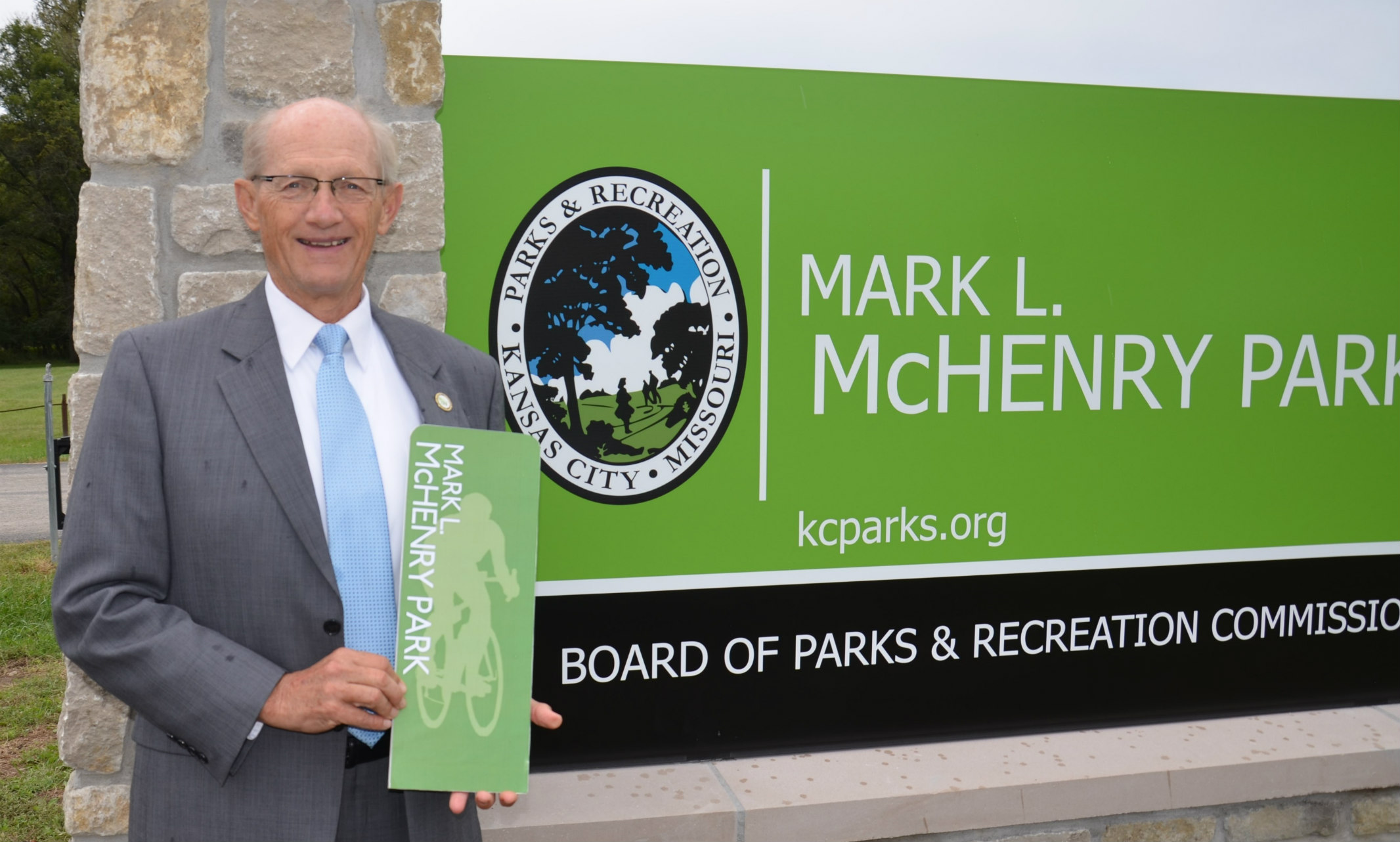
UMKC honors Mark McHenry with Alumni Spotlight Award
Each year, the UMKC Alumni Association recognizes the achievements of outstanding alumni with an awards celebration. UMKC is honoring Mark McHenry (M.P..A. '89) with its Class of 2020 Alumni Spotlight Award. The Spotlight Award recognizes an alumnus whose accomplishments, leadership and public service have caused regional and national attention to be focused on the university and the metropolitan area.
Mark McHenry(M.P..A. '89)
Mark McHenry retired as director of the City of Kansas City, Missouri’s Parks and Recreation Department at the end of 2018 but the accomplishments from his 44-year career there — including adding 34 parks, six community centers and doubling the size of the Kansas City Zoo — will endure for generations to come.
McHenry’s leadership was evident not only in the region, but on a national scale as well. A member of the National Recreation and Parks Association since 1984, he was inducted into the American Academy for Park and Recreation Administration in 2004 and served as president of the board in 2018. A perennial ambassador for UMKC, McHenry has lent his expertise to the university as a member of the Department of Public Affairs Advisory Council and helping to develop the executive master of public administration program. He recently joined landscape architecture and planning design firm Ochsner Hare & Hare, the Olsson Studio. He was also appointed to the Missouri Conservation Commission by Gov. Mike Parson for a six-year term.
Please discuss a Parks and Recreation project or two that stands out in your mind as particularly rewarding.
In the early 1990s, I was given the opportunity to lead a multi-discipline team to provide a complete renovation of the Kansas City Zoo, the first of its kind in the zoo’s history. Not all of the community was supportive of the changes we were making, which presented some unique challenges; this required several meetings and negotiations with key stakeholders.
Another high-profile public project was my role as project executive for the renovation and expansion of the Liberty Memorial in Penn Valley Park. Through a large team effort, we identified funds from federal, state, local and private resources. The next step was to design a very complicated restoration project and see it through the equally complicated construction phase. Today the Memorial, now known as the National World War I Museum at Liberty Memorial, stands as one of the premier military museums in the world.
In an interview with the Missouri Times about your appointment to the Missouri Conservation Commission you mentioned being a “voice for urban conservation.” What do you hope to accomplish during your time on the commission? How will you help other urban areas in Missouri embrace nature and conservation?
One of the strategic goals of the department is to connect people with nature, which is easier to accomplish in the rural areas of the state because of proximity. While that is more challenging in the urban areas, I believe through expanded programs, services and facilities this challenge can be overcome.
How did UMKC prepare you for/contribute to your success?
UMKC provided me with a great learning laboratory while working for the city and attending classes. It provided me with class assignments that helped resolve real city problems.
About the Alumni Awards
Join us in honoring McHenry and the other Class of 2020 Awardees in our first-ever virtual celebration at 5 p.m. April 16. Go to umkcalumni.com/alumniawards to register for this free event. If you are unable to attend the event but would like to donate to student scholarships, contributions can be made online.
Meet the rest of the 2020 UMKC Alumni Awardees
Apr 07, 2021
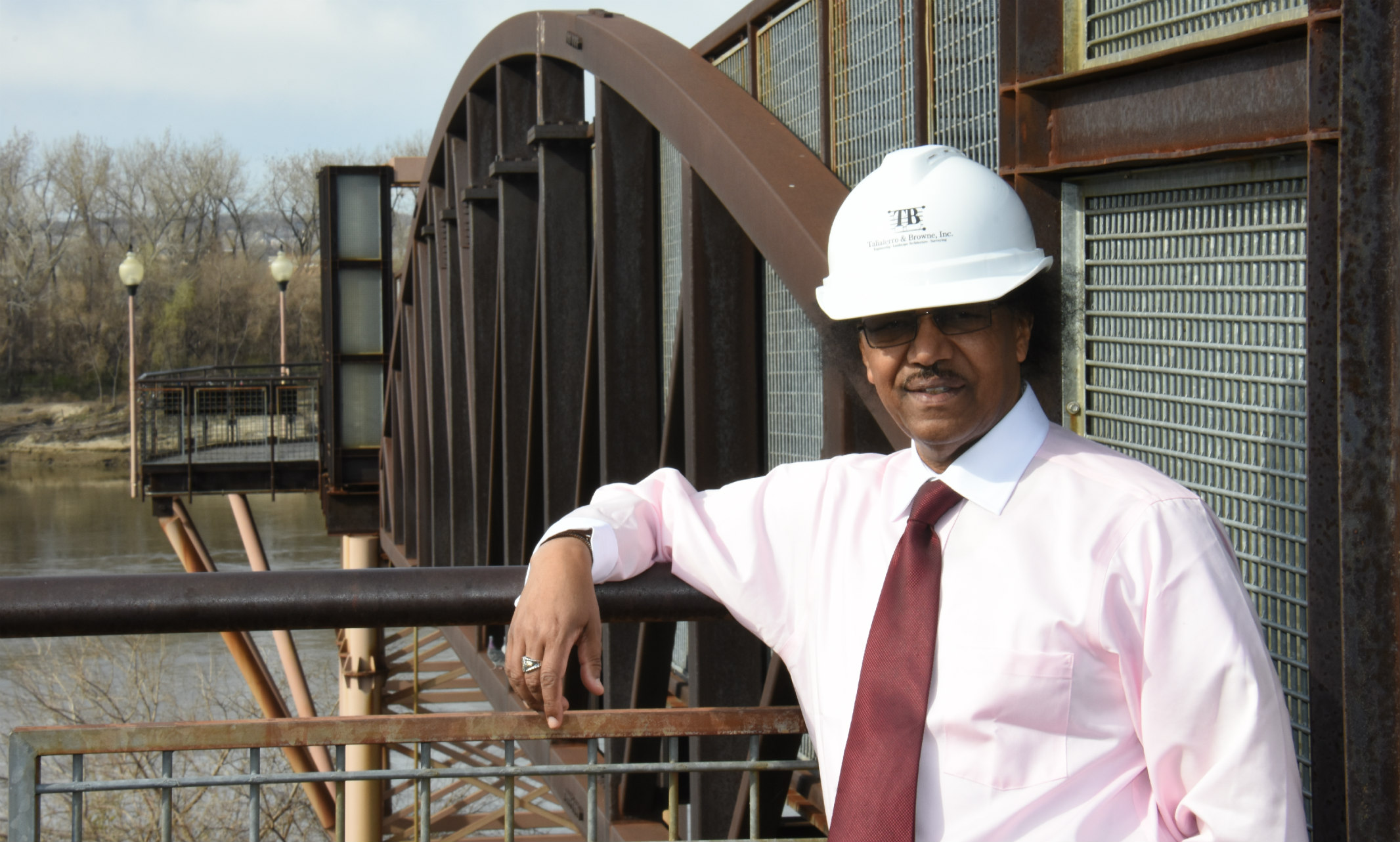
Andebrhan Honored for Defying the Odds
The UMKC Alumni Association is honoring Hagos Andebrhan (B.S.C.E. ’78) with the Class of 2020 Defying the Odds Award. Determined to create a better life for himself and his family, Andebrhan emigrated from Eritrea in 1970.
From a one-room household in Eritrea, a country in eastern Africa, to CEO of Taliaferro & Browne, a lead civil engineering firm in Kansas City, Hagos Andebrhan’s hard work and dedication have earned him success in the United States. The youngest of five children, Andebrhan came to the U.S. in 1970 to join an advanced airline pilot training program in Kansas City but ended up meeting his mentor and the founder of Taliaferro & Browne, Will Taliaferro, and changing careers.
Hagos Andebrhan(B.S.C.E. ’78)
“After high school, I took an exam and was one of thirty students in the entire nation of Ethiopia to be accepted into the Ethiopian Airline Pilot Training Program,” Andebrhan says. “A career in the airlines was not my dream, but it offered the best opportunity to earn a good salary. My desire to help my family financially was paramount.”
Andebrhan was focused on his education when the forced unification of Eritria with Ethiopia began in 1962.
“I supported the struggle for independence and engaged in student protests,” Andebrhan says. “But I was more focused on my education and was determined to emigrate to the United States to create a better life for me and my family.”
But once Andebrhan moved to the United States in 1970 he could not find work as a pilot because of the number of United States pilots who had returned from the Vietnam War. Andebrhan was undeterred in his commitment to building a life in his new homeland.
“Being a pilot was a means to an end, not a lifelong ambition,” he says. “Also, my wife was not thrilled with the idea.”
Fortunately, Will Taliaferro, who was a partner in Taliaferro & Browne, offered him a job at his engineering firm. Taliaferro became Andebrhan’s mentor.
“Mr. Taliaferro introduced me to the engineering profession and encouraged me to pursue engineering as a career. UMKC had an excellent engineering program and I was able to attend while holding a full-time job.”
While Andebrhan pursued his bachelor’s and master’s degrees, he worked full-time as a draftsman at Taliaferro & Browne, supporting his wife, children and his family in Eritrea. He does not remember this remarkable juggling act as being a burden.
“Necessity is the mother of invention,” he says. “Most importantly, I had the support of a wonderful wife.”
He says UMKC had everything he was looking for in a university.
“UMKC offered a quality education in an urban setting,” he says. “I had inspiring and encouraging professors and friendly and supportive classmates.”
After Will Taliaferro died in 1990, Andebrhan and Leonard Graham, (B.A. ‘74) purchased the company; Andebrhan became CEO in 1992. Under their tenure, the company has been a part of some of Kansas City’s most significant developments including Science City in Union Station, the Kansas City Power and Light District and the new Kansas City Airport terminal.
Despite his remarkable accomplishments, Taliaferro’s advice for a successful life is simple.
“Life is short. Live it a day at a time.”
Join us in honoring Hagos Andebrhan and the other Class of 2020 Awardees in our first-ever virtual celebration at 5 p.m. April 16. Go to umkcalumni.com/alumniawards to register for this free event. If you are unable to attend the event but would like to donate to student scholarships, contributions can be made online.
Apr 06, 2021
KCUR talks to Chancellor Agrawal and Provost Lundgren
UMKC Chancellor Mauli Agrawal and UMKC Provost Jenny Lundgren were guests on Up to Date. They discussed UMKC Forward. More from KCUR.
Apr 05, 2021
Provides graduates a key advantage in the job market
The UMKC Bloch School of Management is the only school in the region offering the STEM (science, technology, engineering and math) designation through its Master of Science in Finance (MSF) degree.
The program responds to the emerging trend of STEM-designated programs focused on applying mathematics and statistics to the finance industry. As Kansas City’s business school, Bloch stays current and agile when it comes to industry trends.
While several of the school’s courses align in this area – financial mathematics, modeling, advanced statistics – its MSF program is becoming even more quantitative-focused in its curriculum.
“We’ve had our eye on this rapidly emerging trend in business schools over the last several years,” said Brian Anderson, PhD, Associate Dean at the Bloch School. “We’re excited to be strengthening our curriculum to best align with changes happening in the financial industry and to strengthen our graduates in a very competitive job market.”
Bloch expects its STEM designation to attract local students as well as students from outside the local area who want to work in Kansas City. But its biggest draw may be international students. The designation, which is based on curriculum guidelines defined by the U.S. Department of Education and certified under the U.S. Department of Homeland Security, extends how long students here on an F-1 student visa can stay and work in the United States after getting their degree. With a STEM degree, their Optional Practical Training (OPT) can continue up to three years.
“This program is very popular among international students,” said Anderson. “We’ve been getting lots of inquiries and students applying. UMKC offers the benefit of completing their education and gaining extended work experience all right here in Kansas City.”
With the new designation, Bloch joins an elite group of business schools offering STEM programs, among them the University of Southern California, MIT, the University of Pennsylvania and University of California-Berkley. The school will start promoting its STEM MSF in fall 2021.
Anderson says Kansas City has a strong financial sector, making it ideal for students who want to work where the jobs are, accelerate their careers and seek opportunities for growth.
“The demand is strong for those with advanced degrees in finance,” he said. “And Bloch’s STEM-designated MSF degree provides the in-demand skills and opportunities needed for their success.”
Apr 05, 2021
Kansas City Business Journal lists local universities on the list
UMKC has ranked programs. Read which programs are included. A subscription may be required.
Apr 02, 2021
Blake Eyres is a UMKC School of Dentistry alumnus
Blake Eyres graduated from the UMKC School of Dentistry. This story was covered by Showbiz CheatSheet and ScreenRant.
Apr 01, 2021
KSHB, KMBC, MSN report on UMKC Conservatory professor's hearing loss
This story is about Chris Madden, University of Missouri-Kansas City Conservatory assistant professor of piano pedagogy. Read the news coverage:
KSHB
KMBC
MSN
Apr 01, 2021
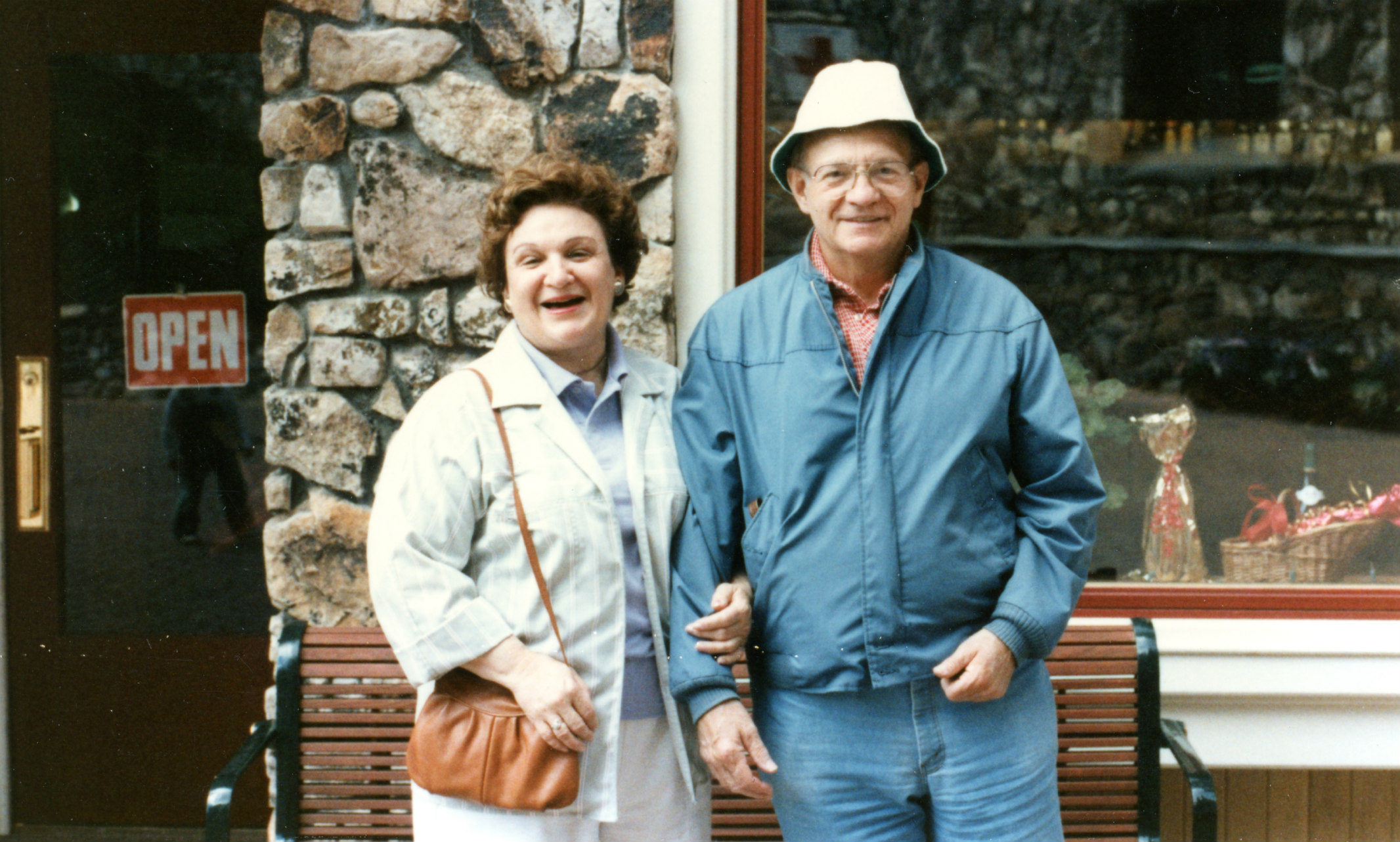
Edelman Family to receive UMKC Legacy Award
Each year, the UMKC Alumni Association recognizes the achievements of outstanding alumni with an awards celebration. UMKC is honoring the Edelman Family with the Class of 2020 Legacy Award.
Doris Edelman
The Edelman Family’s UMKC legacy began when 12-year-old Doris Tager fled Nazi Germany in 1938. Her family traveled to the Netherlands and Cuba before arriving in Kansas City, whose local Jewish community sponsored their voyage. She’d go on to attend Kansas City University (now UMKC) and graduate in 1947 with a bachelor’s degree in Spanish and economics. That same year, Doris met her future husband, William Edelman, a fellow Roo who would graduate in 1954 with a bachelor’s degree in psychology.
Doris had a successful career as a stockbroker and was the first female vice president and partner of B.C. Christopher and Company where she worked for more than 20 years. William served patients in the heart of Kansas City as a family physician for more than 50 years before retiring in 2001.
William Edelman
Their oldest son, Mark (J.D. ’75), founded the Theater League, Inc., a not-for-profit community-based performing arts organization that presented the best of Broadway to Kansas City audiences for 42 years.
Youngest son Ron (J.D. ’82) opened one of the region’s most successful law practices — Edelman and Thompson — with James Thompson in 1994.
Middle son Alan and his wife, Debbie Sosland-Edelman, great supporters of UMKC, also connect with the university through their son Alexander (J.D. ’12). He started his own firm with two other UMKC alumni and was recognized by the National LGBT Bar Association as one of the “40 Best Attorneys Under 40.”
We spoke with Mark, Ron and Alexander about their career paths.
Mark Edelman
Mark Edelman
Not everyone would connect theatre and law degrees. Did you already have a plan for putting your law degree to use in theatre when you began at UMKC?
I hoped to become an entertainment lawyer and volunteered (hung out may be a better description) in New York at an office at the Bar Association of the City of New York that provided services for artists. After graduation, I studied for the NY Bar exam; but I got a job running the Bucks County Playhouse in suburban Philadelphia instead. They were impressed I had a law degree.
Over the course of your career, you met some famous folks. Any encounters that stand out in your memory?
My first presentation in Kansas City—while I was still in law school—involved a student activities-funded presentation of an off-Broadway show called LEMMINGS. After the show, the cast came to my apartment at 44th and Walnut, where my neighbors joined me in welcoming them. Three of the actors there were Chevy Chase, John Belushi and Christopher Guest. The following year, they were all on or writing SNL.
What does leaving a legacy mean to you? How does it feel to be sharing this award with your family?
While my brother Ron and nephew Alex continue to make great strides on behalf of their clients, I am most proud to share this with my folks, who had to deal with prejudice and near poverty to succeed at KCU. My mother and her family escaped Nazi Germany to find their way first to Cuba and then Kansas City. My father faced anti-Semitism in graduate school elsewhere, but found a more welcoming, inclusive environment in Kansas City.
Ron Edelman
Ron Edelman
You’ve been nationally recognized as a top workers’ compensation lawyer. Why is representing personal injury and workers’ compensation cases important to you?
An injury on the job, or an injury caused by the fault of another party, can be financially and emotionally devastating for the victim and their family. To be able to help people in their time of need by making sure that all the bills are [covered], and that they and their family are compensated for their losses, is extremely satisfying.
What advice do you have for students who’d like to follow in your footsteps?
Don’t listen to anyone else’s advice, including mine. That said, “Follow your heart (and your head).”
Alexander Edelman
Alexander Edelman
What is your proudest accomplishment?
My proudest accomplishment is my role in helping build the law firm Edelman, Liesen & Myers, L.L.P. from the ground up. Within just a few years, we were able to build a practice that fights for individual rights, especially in their employment and in public accommodation, and have helped obtain justice for those who have been discriminated against or mistreated. The firm has continued to grow, and we are able to help even more people, and we’ve been able to help shape the law in a way that clarifies and protects the legal rights of individuals.
You were named one of the 40 Best LGBT Attorneys Under 40. How does it feel to have achieved such success before 40?
Receiving the recognition from the National LGBT Bar Association was a huge honor. I am very proud to be able to represent the LGBT community, both as a member of the community and by serving clients from the community. I am extremely lucky to have found partners who are also passionate about standing up for the rights of LGBT people as well as others, and thus to have the opportunity to be able to do this kind of work so early in my career.
How did UMKC contribute to your success?
Most directly, UMKC is where I met my classmates, Sarah Liesen (J.D. ’12) and Katherine Myers (J.D. ’12), who became my law partners, and without whom I could not have had any of the professional success I have achieved. It also provided the solo and small firm incubator, where we got our start.
About the Alumni Awards
Join us in honoring the Edelman Family and the other Class of 2020 Awardees in our first-ever virtual celebration at 5 p.m. April 16. Go to umkcalumni.com/alumniawards to register for this free event. If you are unable to attend the event but would like to donate to student scholarships, contributions can be made online.
Meet the rest of the 2020 UMKC Alumni Awardees
Apr 01, 2021
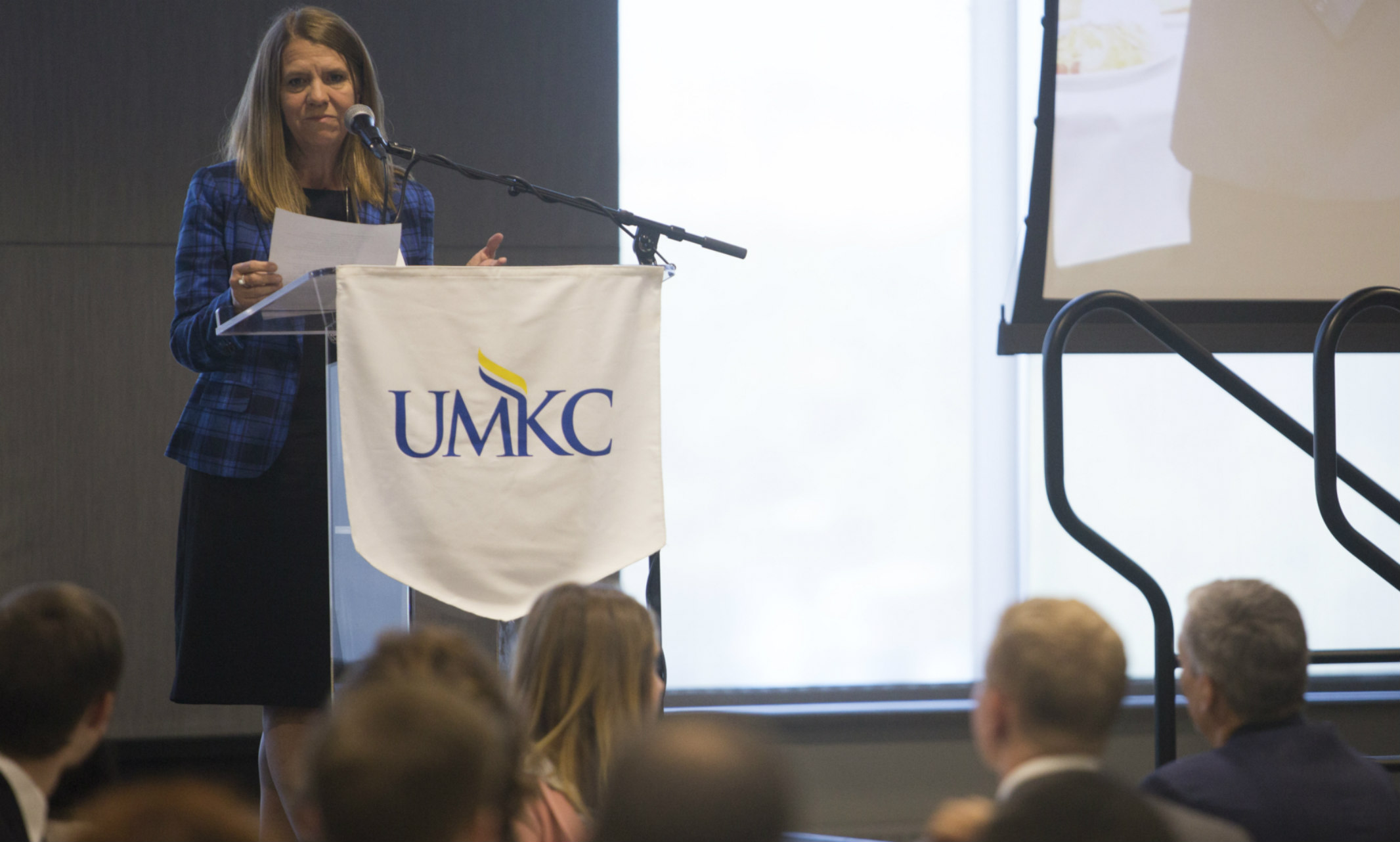
Bonnie Gorman receives School of Computing and Engineering Alumni Achievement Award
Each year, the UMKC Alumni Association recognizes the achievements of outstanding alumni with an awards celebration. UMKC School of Computing and Engineering is honoring Bonnie Gorman (B.S.M.E. ’86), with its Class of 2020 Alumni Achievement Award.
Bonnie Gorman(B.S.M.E. ’86)
Bonnie Gorman serves as director of modernization and innovation for Olin Winchester, an industry leading ammunition manufacturer and current operating contractor of the Lake City Army Ammunition Plant in Independence, Missouri. A natural leader, Gorman has held roles of increasing responsibility at Lake City Army Ammunition Plant, including engineering director and manager of manufacturing, quality, safety and facilities. In 2017, she was awarded the Orbital ATK President’s Award for Execution Excellence for restoring a critical operation after a catastrophic event. A longtime supporter of UMKC, she joined the School of Computing and Engineering Alumni Association board in 2015 and helped recruit new members. She continued this work on behalf of the school’s alumni board, stepping in as board president during a time of need and helping to grow its membership.
What are the challenges and benefits of your field?
The challenges are integrating new technology and continuous improvement efforts into processes (and facilities) that are over 70 years old; identifying and finding time to give engineers assignments that promote growth; and hiring the right engineers that have a passion for their assignments. The benefits are creating the new and different in order to meet business goals; making the manufacturing processes easier on the employees; and experiencing the diversity of opportunities and assignments.
How did UMKC prepare you for/contribute to your success?
While at UMKC, I made some lifetime friends who had a wide variety of backgrounds, talents, intelligence and experience. With them I learned the importance of diversity and the variety of talent that each individual can and does bring. We helped each other with homework, studied for exams and solved life problems. In short, I learned the extreme value of relationships, trust and friendship that I have carried through all aspects of life.
What advice do you have for students who’d like to follow in your footsteps?
Push yourself to learn as much as you can – and vow to never quit learning. Get involved in activities that support your continued learning. Be brave and ask questions, even if nobody else seems to have any. Remember the saying that the only dumb question is the one that does not get asked.
About the Alumni Awards
Join us in honoring Gorman and the other Class of 2020 Awardees in our first-ever virtual celebration at 5 p.m. April 16. Go to umkcalumni.com/alumniawards to register for this free event. If you are unable to attend the event but would like to donate to student scholarships, contributions can be made online.
Meet the rest of the 2020 UMKC Alumni Awardees
Mar 31, 2021
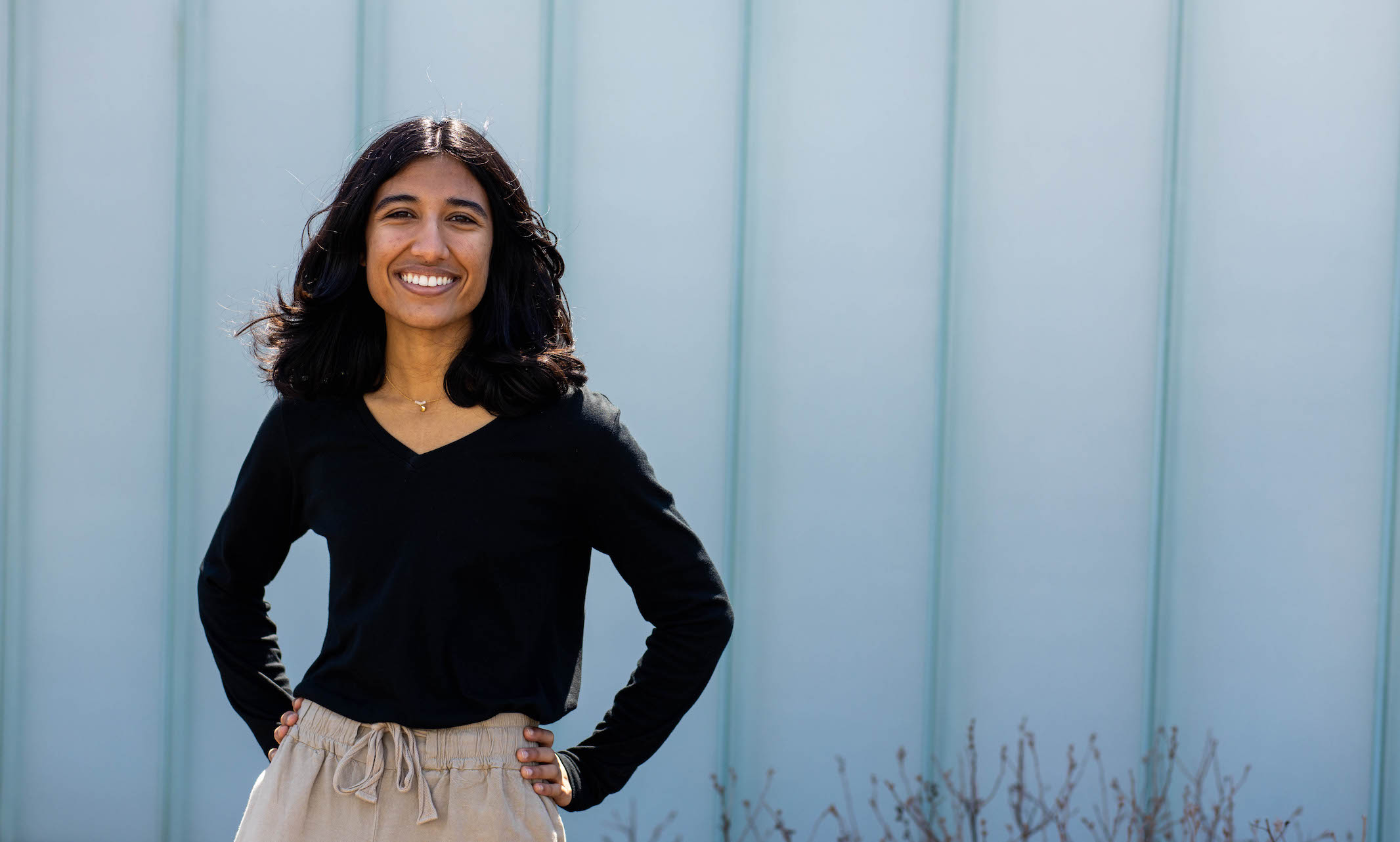
Vice President Kamala Harris congratulates Niki Joshi via Zoom
Niki Joshi received the 2021 Frederick Douglass Global Fellowship, a competitive award for a diverse group of student leaders to attend a four-week summer study abroad program focused on leadership, intercultural communication and social justice. Joshi will study in Ireland this summer with 13 other fellows from across the United States.
Joshi, a sophomore history and English student as well as a UMKC Trustees' Scholar, was hopeful that she’d receive the scholarship, but she knew the selection process was highly competitive.
“I knew hundreds of other intelligent and accomplished students were applying and that the competition would be stiff,” she says. “So, receiving the congratulatory phone call was an unexpected and wonderful surprise. I still don’t think the news has really sunk in.”
Joshi met the other fellows in her cohort in a congratulatory Zoom meeting with Vice President Kamala Harris, Ambassador Daniel Mullhall, Taoiseach Micheal Martin and Nettie Washington Douglass, chairwoman and co-founder of Frederick Douglass Family Initiatives, Frederick Douglass’s great-great-granddaughter and great-granddaughter of Booker T. Washington.
“Vice President Harris and Taoiseach Martin were so kind, genuine, supportive and encouraging,” Joshi says. “I left the meeting feeling like I could do anything.”
She was grateful, too, to have the time to hear Nettie Washington Douglass speak about Frederick Douglass’s time in Ireland.
“It’s fitting that this diverse group of young people will have the opportunity to develop their leadership skills in a place so special to Frederick Douglass,” Douglass said. “The welcome and respect with which Frederick was greeted across his tour of Ireland affected him profoundly. I can think of no better place for future American leaders to gain a global perspective and prepare to be agents of change.”
“Vice President Harris and Taoiseach Martin were so kind, genuine, supportive, and encouraging. I left the meeting feeling like I could do anything.” – Niki Joshi
“It was an incredible opportunity to learn more about the emotional significance and impact that Douglass’s time in Ireland had on his personal development and activism,” Joshi says. “I’m deeply humbled and honored to have this chance to follow his journey and walk in his footsteps.”
Joshi had planned to study abroad in Scotland with professors and students from the Honors College last summer, but her plans were canceled due to the COVID-19 pandemic. While she took the cancellation in stride, she was aware of what she was missing.
“I think studying abroad grants a greater sense of clarity and independence,” Joshi says. “But most importantly, I think the experience allows students to test their personal limits by learning how to navigate social and cultural divides through exposure to different languages, values, practices, or traditions. It allows students to return with new knowledge and experiences that prepare them for an increasingly globalized world.”
“UMKC’s International Affairs team was delighted to find out one of our students received this prestigious, competitive honor,” says Kate Wozniak, assistant director of UMKC study abroad and exchange. “Niki was chosen from over 500 stellar applicants. The fact that she will be part of the fifth cohort of Frederick Douglass Global Fellows is astounding.”
Wozniak believes the program will be intense and transformational for Joshi.
“The four-week summer fellowship program in Dublin will focus on leadership, intercultural communication and social justice,” she says. “We fully expect Niki to return as an even stronger advocate for students of color as well as for international education.”
During the announcement Vice President Harris shared her perspective on one of the values of the experience of studying abroad.
“Like Frederick Douglass in Ireland, you can come as you are and you can leave who you aspire to be.”
Joshi’s expectations for the experience are clear.
“I aspire to be someone who feels comfortable with the unknown and wholly self-assured despite not knowing what will come next.”
Mar 30, 2021
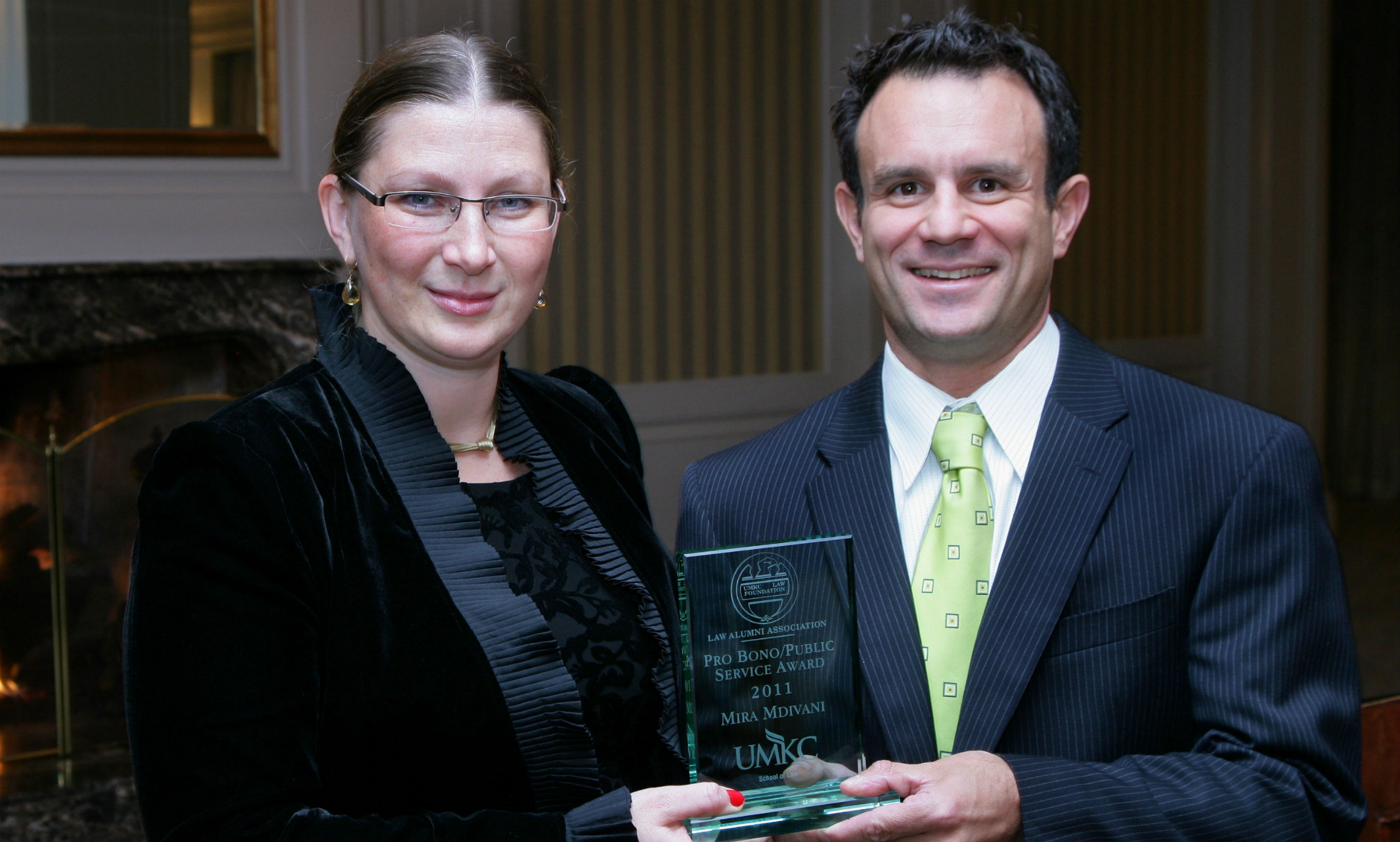
Mira Mdivani to receive the UMKC School of Law Alumni Achievement Award
Each year, the UMKC Alumni Association recognizes the achievements of outstanding alumni with an awards celebration. UMKC is honoring Mira Mdivani (J.D. ’99) with the School of Law Class of 2020 Alumni Achievement Award.
Mira Mdivani (J.D. ’99)
Mira Mdivani is one of the nation’s top corporate immigration attorneys, immediate past President of the Kansas Bar Association and has received numerous honors including for her pro bono work. We recently talked to Mdivani about being an immigration attorney and about her volunteer work.
For 20 years, you’ve provided pro bono services to immigrant women and children escaping abuse and violence. Why is it important to you to help women and children come to America?
My regular area of practice is corporate immigration law including business global mobility and U.S. employer corporate immigration compliance. At the Mdivani Corporate Immigration Law Firm, we provide pro bono services to immigrant women and children who are already in the United States -- the best country in the world -- because our hearts tell us we must. We focus on helping immigrant women and children escaping abuse and violence because they are the most vulnerable segment of our society and we are the best lawyers for the job. We are dedicated to providing the same excellent level of expertise and care to our pro bono clients as our corporate immigration clients. In the U.S., survivors of domestic violence and other violent crimes are treated with dignity and humanity. Our pro bono clients have survived abuse, rape and other violent crimes. They usually are referred to us by our firm’s community partners such as Hope House, New Home and Metropolitan Organization to Counter Sexual Assault.
How does being an immigrant help you in your role practicing corporate immigration law?
There is no civilization and no economic development without migration. Being an immigrant and a businesswoman, I see this very clearly. Bustling economic centers thrive because people from all over the world bring their energy, enthusiasm, expertise and a different point of view to add to the magic mix of economic success and cultural abundance. Also, being an immigrant, I take nothing for granted. As a first-generation U.S. citizen, I love my adopted country, the United States of America, and work hard for my country, state, city and community to thrive.
How did you become involved with CASA (Court Appointed Special Advocates)? What is the goal of the organization?
Friends asking friends! This is one of the most important boards I serve on. CASA provides a very important service to our community. CASA volunteers advocate for the best interests of abused/neglected children removed from their homes for their safety. With the support of the nonprofit’s staff, CASA volunteers work to provide critical information to judges, helping them make the best possible decisions regarding where the children should live and what medical, therapeutic and educational services they need. Children who have a CASA volunteer are far less likely to be re-abused and far more likely to find a safe permanent home.
You serve as an adjunct professor for the Law School, a member of the Law Alumni Association Board and Law Foundation Board of Trustees. Why is it important to you to stay involved at UMKC?
UMKC is my alma mater. I am deeply grateful to the UMKC School of Law, my professors and the deans for the excellent education I received and for enabling me to lead a happy, meaningful life. I love being a lawyer. I will continue to give back to my law school and to vigorously support the school, its students and alumni.
About the Alumni Awards
Join us in honoring Mdivani and the other Class of 2020 Awardees in our first-ever virtual celebration at 5 p.m. April 16. Go to umkcalumni.com/alumniawards to register for this free event. If you are unable to attend the event but would like to donate to student scholarships, contributions can be made online.
Meet the rest of the 2020 UMKC Alumni Awardees
Mar 30, 2021
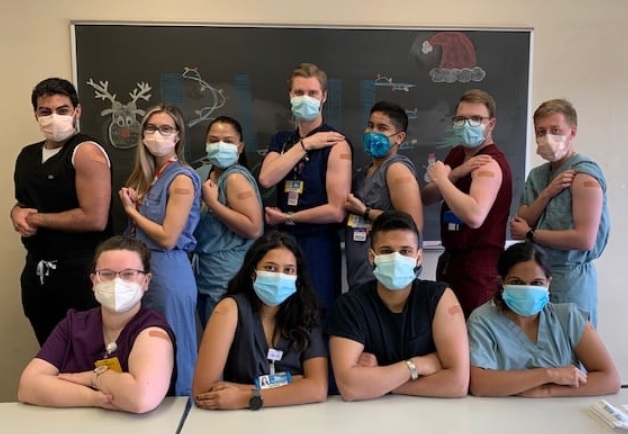
UMKC in top one-third of U.S. schools for family medicine
In only the second year that the UMKC School of Medicine has submitted information for the U.S. News and World Report’s Best Graduate Schools rankings, the school again is positioned among the nation’s best medical schools.
The school jumped 11 places, to 64th, in the ranking of primary care medical schools, and rose five places, to 83rd, for research medical schools.
The school also was recognized in the magazine's new rankings for service in underserved areas, rural medicine and diversity.
The magazine requested data from 191 U.S. schools of medicine or osteopathy and received responses from 129. Not all of those were ranked in every area, however, because of insufficient data or less-than-final accreditation.
“Our mission to train primary care physicians for the state of Missouri was again recognized by USNWR, as was our growing research enterprise,” said Dean Mary Anne Jackson, a 1978 graduate of the UMKC School of Medicine. “Moving into the top one-third of schools for primary care is quite an accomplishment, and the school’s advances in research reflect our commitment to linking patient care outcomes to our research vision.”
Jackson added that the school has seen an increase in the number of research awards and dollars to support efforts in UMKC’s areas of strength such as neurosciences, vision science, maternal fetal health, pediatrics, intervention science, surgical safety and metabolomics.
Both the primary care and research rankings are based on a weighted average of several indicators — some quality assessments by academic peers and residency directors, others objective data such as research funding, faculty-student ratios and student test scores. The primary care rankings incorporate two measures of graduates going into primary care. The research rankings include two measures of research productivity.
For three new category rankings, the school placed 17th in the percentage of graduates practicing in underserved areas; 65th in the percentage of graduates providing direct patient care in rural areas; and 86th in the diversity rankings.
The school recently boosted its emphasis on rural medicine and underserved areas of Missouri by opening a second campus in St. Joseph, and it has been bolstering its diversity and inclusion infrastructure and recruiting.
Mar 30, 2021
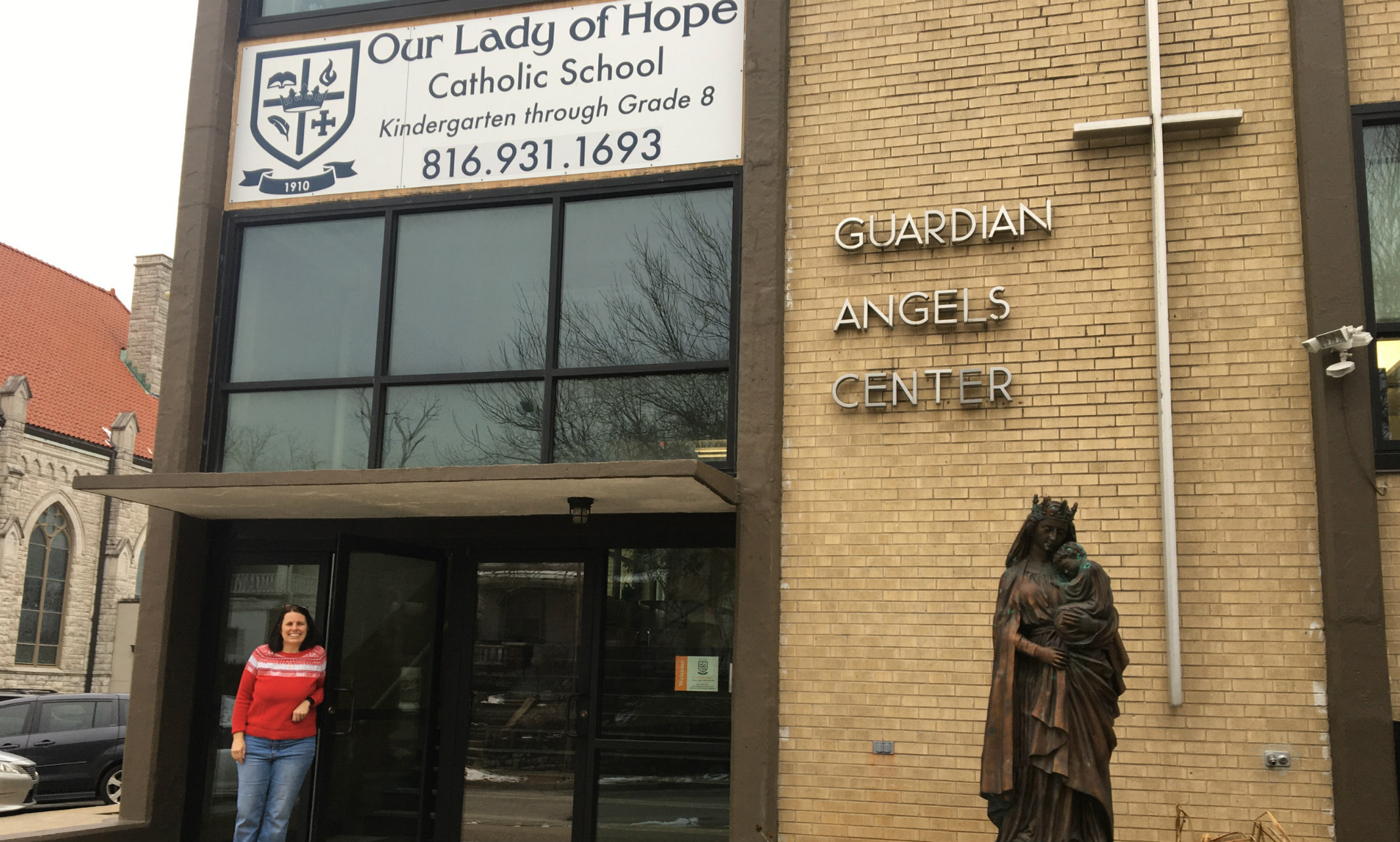
UMKC School of Education selects Mary Delac to receive Alumni Award
Each year, the UMKC Alumni Association recognizes the achievements of outstanding alumni with an awards celebration. UMKC is honoring Mary Delac (M.A. '98) with its Class of 2020 Alumni Achievement Award.
Mary Delac (M.A. '98)
First as a teacher and now as a principal, Mary Delac has been a generous, kind and dedicated supporter of her students for more than 20 years. Today, Delac serves as principal of Our Lady of Hope, a kindergarten through eighth-grade school in Kansas City, Missouri. Going above and beyond her role as principal, Delac has helped some of her students by providing basic necessities in order to succeed. She often spends her spare time attending concerts and sporting events to support her school’s students.
Why is it important to you to ensure that students have the items they need at home, too?
Students cannot truly thrive in the classroom unless their basic needs for survival are being met. Educating the whole child means when they are hungry, you feed them. If a student has a toothache and no dental insurance, we connect them to Seton Center. If they need a uniform shirt, we find them one. These are my kids.
Where does your passion for helping children and families stem from?
My passion stems from my belief in the scripture verse from Luke 12:48, “To whom much has been given, much is required.” I was blessed to grow up with a lot of love and positive support from my family and mentors. I am passionate that every student feels important and supported in our school.
What legacy do you hope to leave behind with the students you’ve taught?
I hope my legacy will be that my students never, ever give up on their dreams. That my students remember that past events or mistakes never determine their future. As good as they are, they can always get better.
How did UMKC prepare you for/contribute to your success?
I feel UMKC has always been a leader in urban education. I was very fortunate to be part of some of the first cohort groups that were specifically geared to urban schools’ needs. My experience at UMKC formed me as an urban principal and empowered me to always try and look outside the box for ways for my students to succeed. The one great lesson that has stayed with me and influenced the way I run my school came in a question posed by the great professor and educator, Dr. Eugene Eubanks, “Who does the school belong to?” My answer is the school belongs to the students. Even though it has now been 22 years since that class, I still think of that when I make decisions on policies and procedures. I will always advocate for the needs of my students before the needs of adults in the building.
What advice do you have for students who’d like to follow in your footsteps?
A principal’s job is to take care of people not paper. You have to be relational. You have to be all in because sometimes the job is lonely and overwhelming. Always keep your focus on the students, your mission and stay positive. If you can do that, even when it’s hard, you will not only survive but thrive and so will everyone around you.
About the Alumni Awards
Join us in honoring Delac and the other Class of 2020 Awardees in our first-ever virtual celebration at 5 p.m. April 16. Go to umkcalumni.com/alumniawards to register for this free event. If you are unable to attend the event but would like to donate to student scholarships, contributions can be made online.
Meet the rest of the 2020 UMKC Alumni Awardees
Mar 29, 2021
Diane Mutti Burke offers historical insight for local media
Diane Mutti Burke, chair of the UMKC History Department, said research she and doctoral candidate Deborah Keating conducted makes her confident the story of a Black slave killing himself was the likely origin of the name.
Burke has been interviewed by:
NBC News
The Kansas City Star
KSNT
New Haven Register
Mar 28, 2021
KSHB talks to UMKC students, leaders about spring break
As spring break kicks off for the University of Missouri-Kansas City, school leaders are asking students to stay vigilant. Obie Austin, director of Roo Wellness at UMKC, and two UMKC students were interviewed. Read more and watch the newscast.
Mar 26, 2021
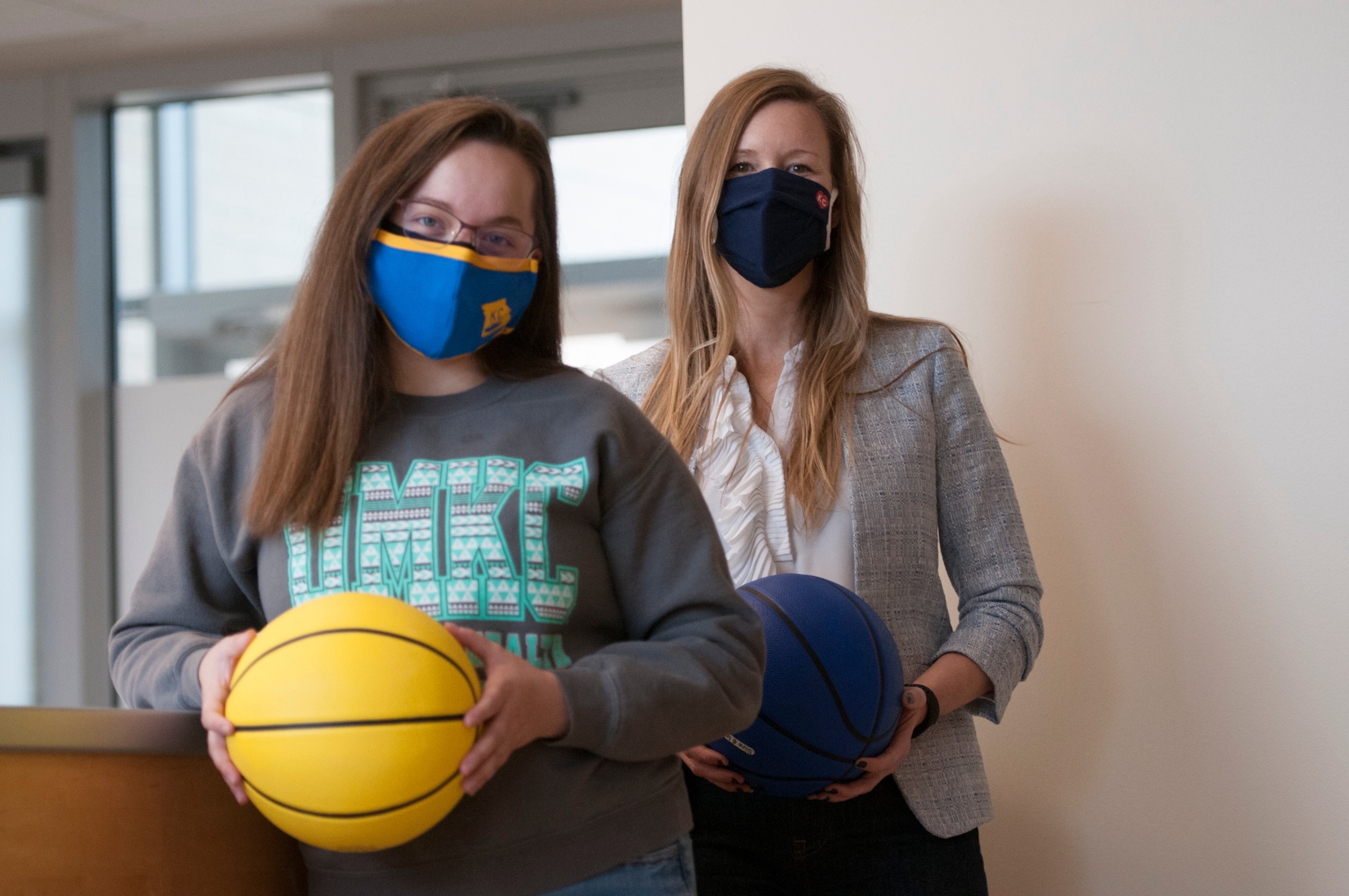
First-generation college student seizes opportunity; mentor opens even more doors for her
The heart of UMKC is our campus community. With lots of opportunities, it’s easy to develop student mentorship teams. And these rich relationships—our Dynamic Duos—are some of our best success stories.
When Maya Baughn heard that the health sciences program was looking for student research assistants, she immediately reached out for more details.
She met about the opportunity over Zoom with Amanda Grimes, assistant professor of health sciences, and the two clicked. Given Baughn’s curiosity and positive personality, Grimes said, “I could tell right away she was a great fit for our team!”
In high school, Baughn had nurtured her interest in health care by getting involved in health related classes, clubs and organizations. One summer she spent a week at the School of Nursing and Health Studies under the KCHealthTracks program, which exposes high school students to health career options and professional connections.
“I just loved it,” Baughn said.
Then she took the leap to enroll at UMKC, becoming the first person in her family to go to college. “I felt lost when I first started,” she said. “Since then I have unapologetically grown in my confidence.”
Having Grimes as a mentor opened even more doors.
“I enjoy watching young people find passions, learn through hands-on experiences and begin to carve out a path to their academic and professional goals.”
—Amanda Grimes
Grimes is a principal investigator for the school’s Move More, Get More program, which measures the effects of the fitness activities and nutrition resources that the program brings to middle school students. For Baughn, who is interested in fitness and health advocacy, the research assistant position was perfect and allowed her to work regularly with Grimes.
A good mentor, Grimes said, can promote student success by providing a personal champion, “some who is rooting for them when things get challenging”; nominating students for scholarship and grant opportunities; and helping them build their resumes.
Baughn will take advantage of one such opportunity in mid-April, presenting results virtually to legislators and others in Jefferson City for the University of Missouri system’s Undergraduate Research Day.
“It wasn’t long after Maya became a research assistant that I recognized her natural ability to communicate with people of different ages and backgrounds, even on topics such as research,” Grimes said. “When I saw the opportunity to present at the Capitol, she immediately came to mind. These students are tasked with discussing their research outside the research and academic world, which takes skill.”
Baughn, who is on track to graduate in May 2022, is looking forward to that opportunity — and to continued growth with Grimes’ help.
“My mentor has helped me grow as a person by providing me opportunities to expand my social network, my research skills and knowledge on many different topics,” Baughn said. “Dr. Grimes has challenged me by exposing me to new areas of research, such as work involving older adults.”
Baughn added: “UMKC has solidified my interest in advanced medicine while also exposing me to aspects of health care I never imagined before. I love research and health advocacy. UMKC has allowed me to learn a lot about those two things while studying for my bachelor of health sciences degree.”
For her part, Grimes said, “I enjoy watching young people find passions, learn through hands-on experiences and begin to carve out a path to their academic and professional goals. Most of all, they are fun to be around.”
Mar 26, 2021
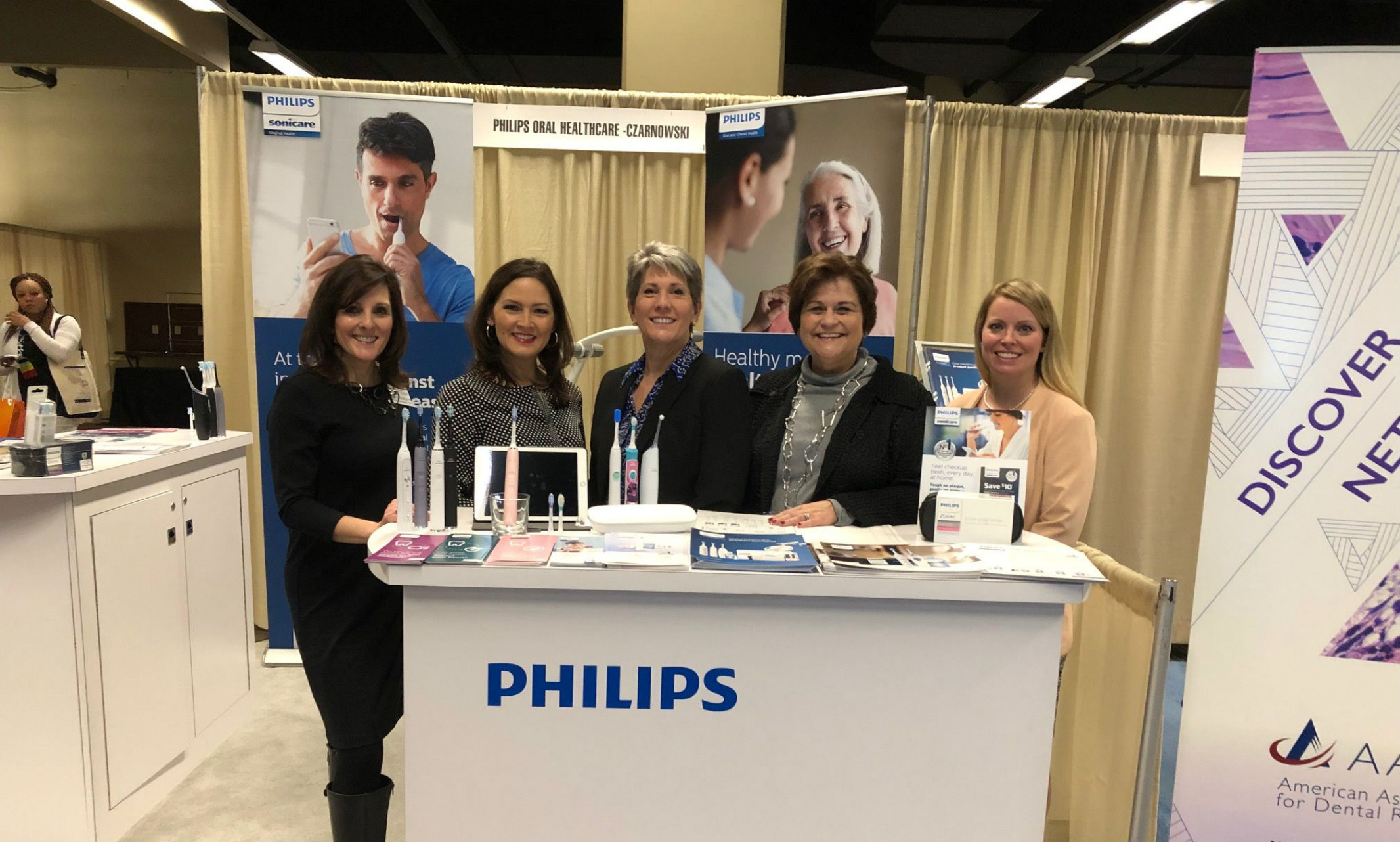
Cindy Sensabaugh receives School of Dentistry-Dental Hygiene Alumni Achievement Award
Each year, the UMKC Alumni Association recognizes the achievements of outstanding alumni with an awards celebration. UMKC is honoring Cindy Sensabaugh (M.S.D.A. ’11) with the Class of 2020 Alumni Achievement Award.
Cindy Sensabaugh(M.S.D.A. ’11)
Sensabaugh has built a career in dental hygiene education that has taken her around the globe. While she manages a team of hygienists for Philips Oral Healthcare who provide continuing education programs for students worldwide, Sensabaugh credits her education and experience as a hygienist with her success in educating her colleagues and clients. After practicing clinically for 10 years, Sensabaugh completed her dental hygiene education masters of science through the UMKC online program.
How did UMKC contribute to your success?
I learned so much from the program at UMKC that has helped me in each of my roles. I had spent a lot of time around educators prior to starting my master’s degree, but it was very helpful to have formal education on educational methodology and research.
Graduating from UMKC with my master’s and completing and publishing my research has given me the opportunity to have been selected as a reviewer for the Journal of Dental Hygiene. For most educators it probably isn’t a big deal, but for me it is.
What is your favorite UMKC memory?
Early on, the distance students did come to campus for our “micro teach” projects. Cindy Amyot hosted a party so that we could all get together informally. That is a very fond memory of my time at UMKC.
There were many aha! moments learning from fantastic professors. I am very grateful for the chance to learn from some of the very best. Though the research process was laborious, I learned a great deal and am lucky to have had such a wonderful committee (Cindy Amyot, Pam Overman and Tanya Villalpando Mitchell). They are fantastic!
What advice do you have for students who’d like to follow in your footsteps?
First, I’ve always advocated for being involved, or at the very least, a member of your professional association. Had it not been for my membership, and involvement in the Greater Orlando Dental Hygiene Association, I would not have had my first opportunity to enter the corporate world.
Second, advancing your education is always a plus. Most corporate roles require a bachelor’s degree and often a master’s degree is preferred. If that is the goal, then prepare for it by continuing your education.
About the Alumni Awards
Join us in honoring Sensabaugh and the other Class of 2020 Awardees in our first-ever virtual celebration at 5 p.m. April 16. Go to umkcalumni.com/alumniawards to register for this free event. If you are unable to attend the event but would like to donate to student scholarships, contributions can be made online.
Meet the rest of the 2020 UMKC Alumni Awardees
Mar 26, 2021
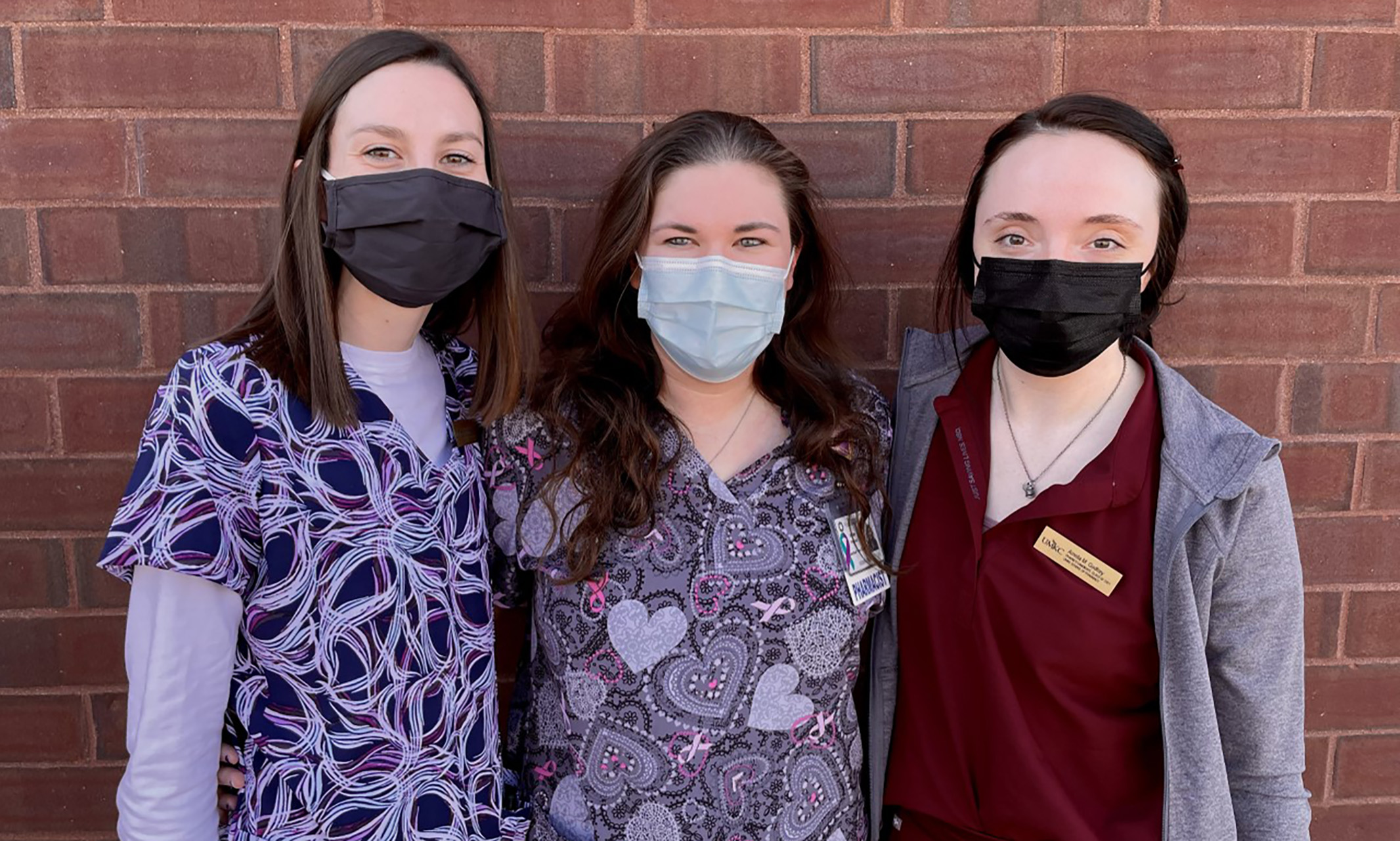
Caring for uninsured adults since the beginning of the COVID pandemic
Before the coronavirus ever swept across the globe and became a pandemic, UMKC School of Pharmacy student Amelia Godfrey had already decided to go home to Hannibal, Missouri, to do her ambulatory care rotation at the Hannibal Free Clinic.
Having grown up in the northeast Missouri community of about 17,000 made famous by Mark Twain, she looked forward to the time when she could return and be a part of giving back to the community.
“I've been interested in doing primary care, so I was really excited to come back home for a couple of rotations and be here at the free clinic to help with those patients,” said Godfrey, who spent the month of February working in the clinic. “When COVID hit, you got to play a bigger role. There's a huge need for what they're doing right now and I've seen that in my community.”
Godfrey is one of four UMKC pharmacy students who have done month-long rotations serving at Hannibal Free Clinic since the COVID pandemic began. Haley Hurst, the clinic’s pharmacist and one of only four paid staff members, welcomed the help with open arms.
“We are mostly a volunteer clinic, run by retired nurses and office staff,” Hurst said. “A lot of them had to stop coming from March 2020 through now because of COVID and these students were really a saving grace for us. It really helped us bridge the gap because we basically lost almost all of our volunteers.”
The clinic covers an area of six counties surrounding Hannibal, proving primary care services for uninsured adults from 18 to 64 years old. It serves as many as 400 patients a year with about 100 to 150 of them being part of the patient centered medical home, a program of patients who meet with Hurst and her student pharmacists for additional education and medication management.
There is a waiting list to be seen that is based on the level of need. That has only grown throughout the COVID pandemic.
Hurst meets with patients referred to the clinic to provide help with issues from diabetes, cholesterol and smoking cessation, to blood pressure issues.
“We have been so short on nursing volunteers to help with taking vitals and doing medication reconciliation for our volunteer providers,” Hurst said. “The students have been a humongous help to us.”
Lauren Damon, a School of Pharmacy student who worked at the clinic this past August, grew up just eight miles from Hannibal in Palmyra, a small community of only about 3,500 people.
“Palmyra is such a small area that there are not a lot of ambulatory care clinics like this around,” she said. “So, it was really interesting to me to see that they have this and that they can reach all the people that really need the help.”
Since their time at the Hannibal Free Clinic, both Damon and Godfrey have also taken part in rotations at the Hannibal Regional Hospital, which have included working in the hospital’s vaccine clinic.
But they say that it was their time at the free clinic that was particularly eye-opening. Hurst smiles when sharing that both students had the opportunity to experience having to convince a patient to take their medications. Damon and Godfrey said they saw how Hurst and the staff go the extra steps to fully care for their patients.
“You can learn what medicine to give a patient for high blood pressure,” Damon said. “But asking them things that you don't think about all the time like can they afford it, do they have transportation to get their medication. You really get a sense of that here, how to look at people as a whole picture instead of just, okay, we're prescribing you this medication and send you out the door.”
Godfrey said the clinic provided her the unique opportunity to spend more time talking with her patients about their medications and needs and learning how she could better help them.
“This is a free clinic and there are all sorts of things that they connect patients to,” Godfrey said. “There are services for mental health. There are services for dentists and podiatry and all these other things that Haley and the staff are looking to connect these patients to. So now the patient is being taken care of as a whole, rather than just kind of looking at them as somebody who takes a list of medications. I've been on some pretty cool clinic rotations with some pretty cool pharmacists, but this one by far was the most impactful because they are 100 percent all in.”
Mar 26, 2021
The UMKC School of Medicine partnered with Mosaic Life Care and saw an inaugural class this January of 20 students
The University of Missouri Kansas City School of Medicine has expanded to St. Joseph and the local extension has plans to grow. Read the article.
Mar 26, 2021
Antoine Rozner is a UMKC Bloch School alumnus
Antoine Rozner, UMKC Bloch School alumnus and KC Roo’s Golf student-athlete, recently won the Dell Technologies Match Play Championship golf tournament. Read the Kansas City Star article (subscription requiered). After Rozner’s win, Golf Digest wrote a story, as did California Golf News.
Mar 25, 2021
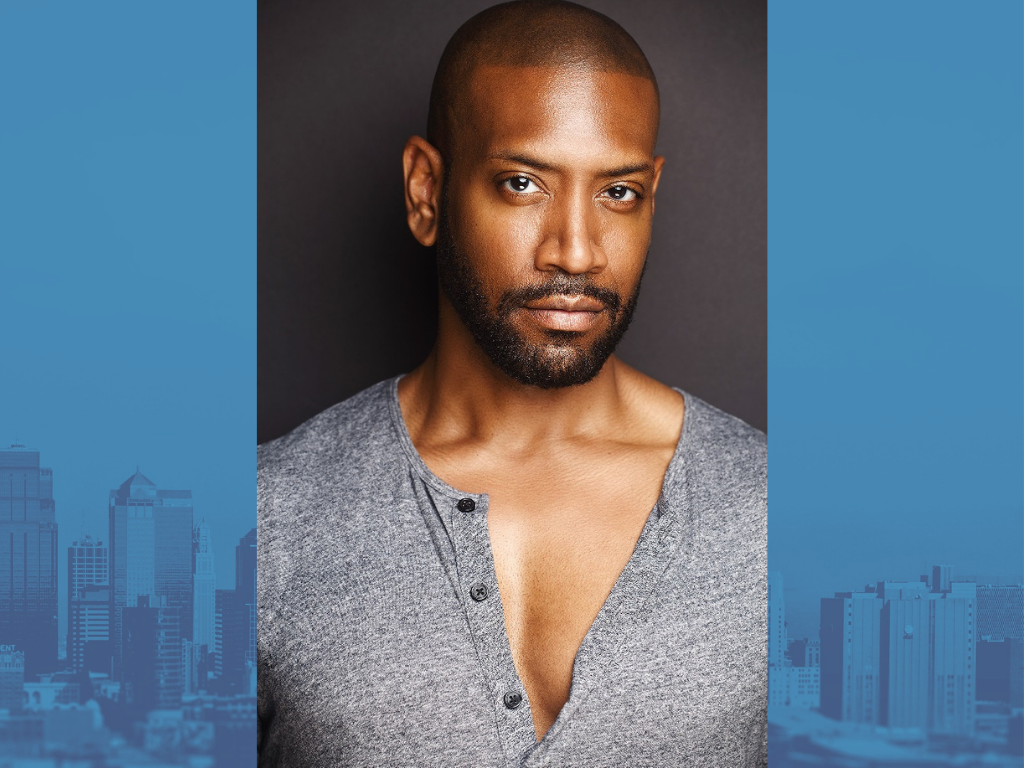
Bryan Terrell Clark shares his life story to encourage others to define themselves and follow their passion
Broadway star Bryan Terrell Clark shared anecdotes and lessons from his life Tuesday night and encouraged listeners to keep pursuing their best and truest selves on their life journeys.
Clark, delivering the 14th annual UMKC Pride Lecture, presented by the UMKC Division of Diversity and Inclusion, covered subjects ranging from hiscovered subjects ranging from his family and sexuality to finding and expressing himself through the arts and public service. Some highlights of his presentation, delivered live over Zoom, and a Q&A that followed:
Family life
He described his mother as an angel and his father as a dragon, opposites in many ways. “But they both taught me to fly,” Clark said.
His mother was a teacher who became a principal, and a Sunday school teacher who became a pastor. His blue-collar father loved his family dearly, Clark said, but ended up involved with drugs, first as a dealer and then as an addict, in and out of rehab many times.
His father’s addiction took a big toll on the family, while his mother was always taking care of others, even to the point of neglecting to take care of herself. But Clark said that when he came out to his parents as gay, it was his father who embraced him unconditionally. His father’s lesson: You have to learn to love yourself, completely. Only when his father could truly love himself, Clark said, was he able to make his addiction rehabilitation stick.
His mother’s initial reaction to his coming out was “I love you, but …” Her religious beliefs did not allow her to accept his homosexuality. But eventually, Clark said, she came around, apologized and said she loved him no matter what.
Arts and service
His mother also realized Clark’s passion for artistic expression “before I could talk.” When he heard music or saw something interesting on television, she said, he would bounce happily, immersed in the experience. So singing in the church choir was a must, and going to a high school that encouraged the arts gave him more opportunities to find and express himself.
College was a challenge, and he often skipped class to travel to New York for auditions. But when graduate school for drama seemed like the next logical step, he refused to sell himself short. He was advised to not apply to the top schools because they seldom admitted people of color, but he applied anyway and was rewarded with a spot at Yale’s drama school.
Another benefit of being at Yale, he said, came when he realized the campus was surrounded by rough neighborhoods filled with young people who desperately needed someone to see them and encourage them. So Clark stayed one summer and organized in the community, giving kids a chance to put on plays and tell their own stories.
Such involvement helped him learn about himself, too, and to find his inner resources instead of looking for definition or approval from others, Clark said. Today, his community work continues through inDEFINED, an initiative he helped found to empower young people to erase the constrictive labels in society.
Lessons to carry forward
Clark’s successes in the arts, including two stints playing George Washington in the Broadway hip-hop hit “Hamilton,” allowed him to keep learning about himself and to share his best self. It helped him greatly, he said, to trust his inner voice, follow his passion and finally quit worrying about how others saw him. Having an internal commitment to yourself is another key, he said.
“You just have to be you,” Clark said. “The labels are for someone else to understand you.”
Clark also encouraged listeners to be open to new experiences and inspirations, to find something every day that makes them happy, and to try something new every week.
Such practices, he said, help put people in the driver’s seat for their own lives and “make you a better partner, make you a better student, make you a better everything.”
Mar 24, 2021
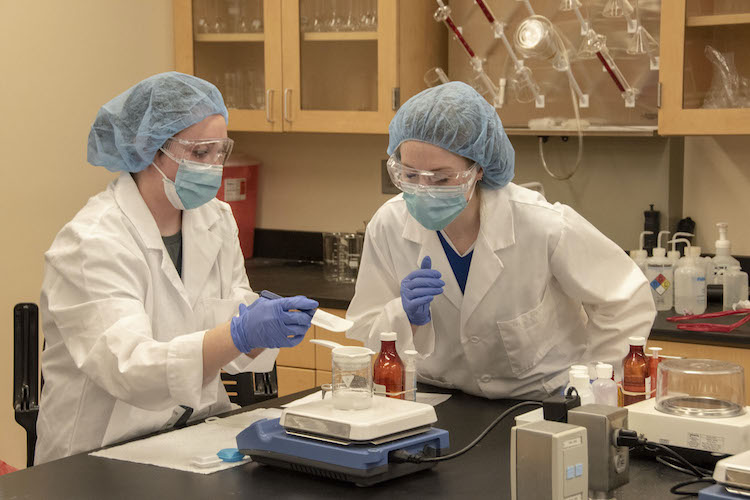
Study explores patient safety issues surrounding the use of electronic medical records during transitions of care
The UMKC Foundation has received a $35,000 gift from the Jane & Jack Strandberg Charitable Foundation, Bank of America, N.A., Trustee, that will go to support ongoing research in the School of Pharmacy.
Jennifer Ingraham, assistant vice president of the UMKC Foundation, said charitable trusts are a prudent way for individuals to fulfil their philanthropic objectives. Because they are generally treated as a tax-exempt entity, a charitable trust would typically not pay tax to the extent of any ordinary or capital gain income.
For Mark Patterson, Ph.D., M.P.H. associate professor at the UMKC School of Pharmacy, the gift is a unique funding source to support his study of electronic health records systems used to monitor patients and their prescriptions during transitions of care between hospitals and nursing homes.
The gift will benefit community related health by helping address a patient safety issue that Patterson said needs to be investigated. Part of the funding will also go to employing two pharmacy students to assist in the project, providing them training in research skills as well.
“I just feel so fortunate to have found this unique funding path and the fact that it's benefiting multiple aspects of the university,” he said.
Ingraham said the gift is unique in that it is private philanthropy supporting university research. Generally, it is federal and state agencies, research foundations and corporate research and development that provide financial support to university research.
Patterson’s project is an extension of a previous study he conducted looking at reducing medication discrepancies during patients’ transition of care between hospitals and nursing homes. That study exposed the issue of mismatched prescribing information during those transitions and the potential health risk those discrepancies pose to patients.
His latest work will look specifically at the electronic health records systems available to providers. Patterson said the interoperability of health information technology systems between providers must be as seamless as possible in order to obtain accurate patient prescribing information across the continuum of care.
“Electronic health records, and the electronic health care record systems that are available to these providers are a huge mitigating factor in regards to how accurate prescribing information is on a patient record that's being shuttled back and forth between hospitals, primary care doctors, nursing homes and community pharmacies,” he said.
The study will involve speaking with focus groups and conducting one-on-one interviews with care providers in nine different nursing homes in Missouri and Kansas.
“We’re going to very specifically zone in on how the health IT infrastructure is interacting with that goal of safe prescribing,” Patterson said. “Between the focus groups and the one-on-one interviews with providers, we’re hoping to really do almost a needs assessment for these nursing homes.”
Mar 24, 2021
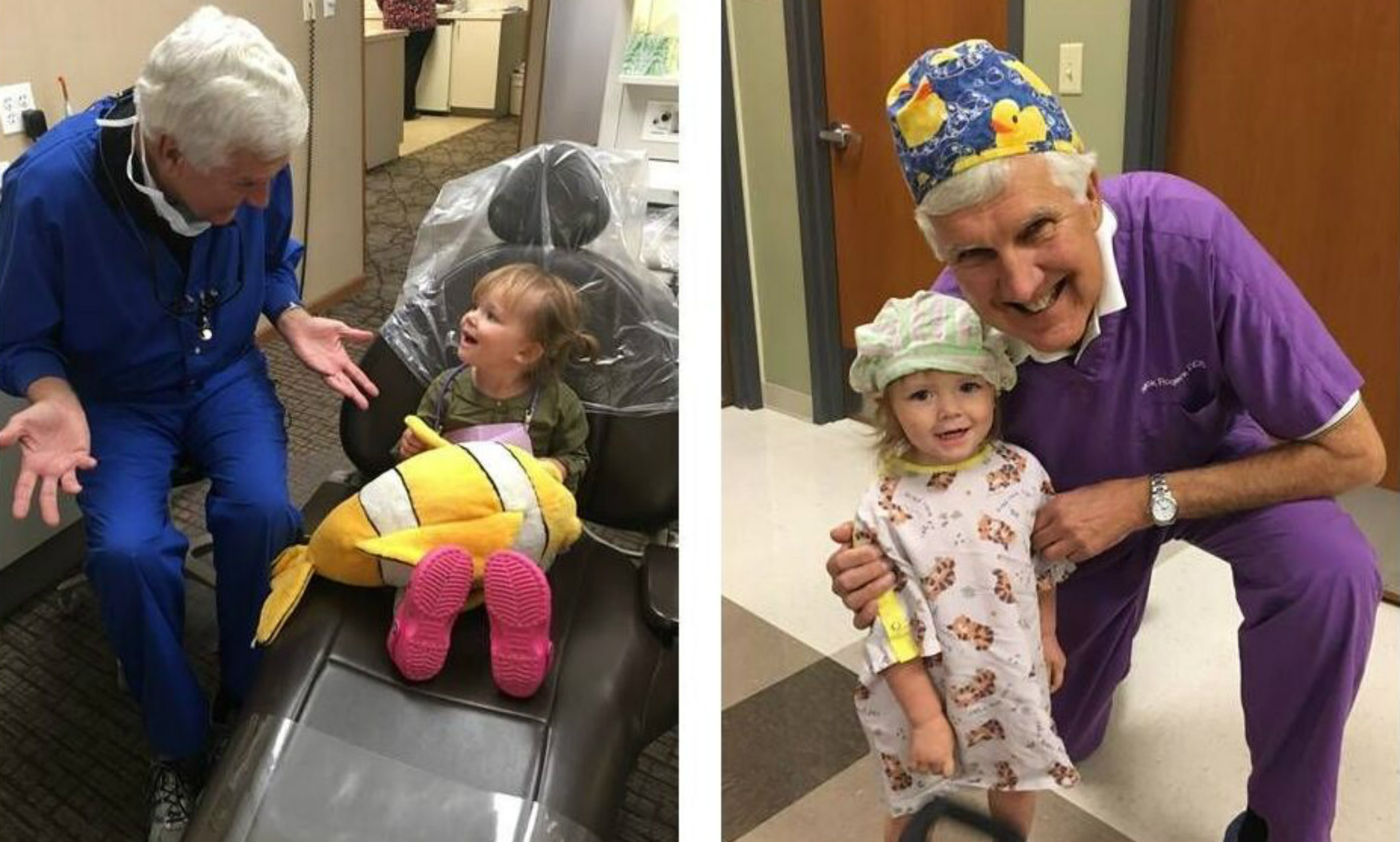
Nick Rogers to receive the UMKC School of Dentistry Alumni Achievement Award
Each year, the UMKC Alumni Association recognizes the achievements of outstanding alumni with an awards celebration. UMKC is honoring Nick Rogers (D.D.S. ’78) with its Class of 2020 Alumni Achievement Award.
Nick Rogers (D.D.S. ’78)
Rogers has served the Arkansas City, Kansas, area since 1979. A champion for children’s dental care, he secured grant money for his local Head Start program which expanded access to care for children in the region. On a national scale, he is president of the American Academy of Pediatric Dentistry’s Foundation. Rogers also devotes time to UMKC as a member of the UMKC School of Dentistry’s Rinehart Foundation board and started a scholarship for dental students. We spoke with him about his dedication to expanding access to dental care.
You’re a champion for children’s dental care — securing grant money for programs in your community and serving as president of the American Academy of Pediatric Dentistry Foundation. Where does your passion for helping children stem from?
Being a dentist in a small community, I see patients of all socio-economic levels and all ages. It became very apparent while I served for 22 years on the local school board that children were often not getting the treatment they needed. This was caused by multiple issues from lack of financial resources and lack of education to lack of availability and awareness. It became my goal to help change that to allow kids to find dental treatment and for parents to understand the need.
You recently created a scholarship at the School of Dentistry and serve on the board of the Rinehart Foundation. There are many worthy causes to support, why do you choose to give back to UMKC?
Dental school did not come easy for me. I was not accepted on my first application and my goal to graduate debt free meant working part-time jobs. I, like students today, spent many hours studying. I had much help and encouragement from others along the way.
Although the dollar amount of the scholarship is not great, I hope that it gives encouragement to students to continue their pursuit to the great profession of dentistry. I would not have made it through without help from others. This scholarship represents my thanks to those that helped me… “paying it forward.” It also represents my desire to help youth fulfill their dreams.
What is your favorite UMKC memory?
Sneaking a microfiche machine, in the days before computers, out of the library for a group of us to study for a pathology test on a weekend and returning it on Monday. (The youth in the audience will have to “Google” microfiche).
About the Alumni Awards
Join us in honoring Rogers and the other Class of 2020 Awardees in our first-ever virtual celebration at 5 p.m. April 16. Go to umkcalumni.com/alumniawards to register for this free event. If you are unable to attend the event but would like to donate to student scholarships, contributions can be made online.
Meet the rest of the 2020 UMKC Alumni Awardees
Mar 24, 2021
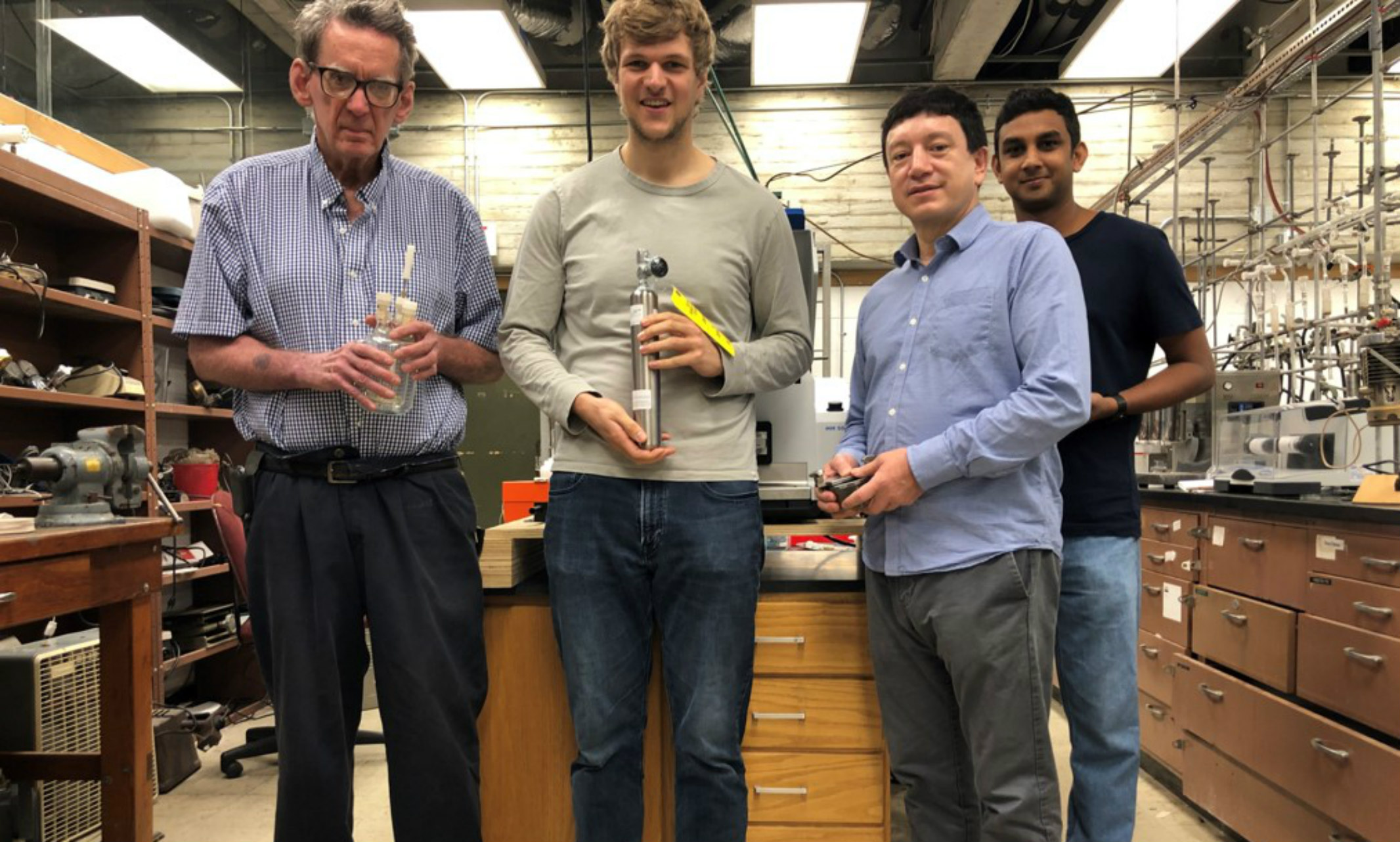
School of Biological and Chemical Sciences selects Carl Hoff to receive Alumni Award
Each year, the UMKC Alumni Association recognizes the achievements of outstanding alumni with an awards celebration. The UMKC School of Biological and Chemical Sciences is honoring Carl D. Hoff (Ph.D. ’77) with its Class of 2020 Alumni Achievement Award.
Carl D. Hoff (Ph.D. ’77)
Hoff has spent his career energizing students on the subject of chemistry. He’s recently received a grant from the U.S. Department of Energy to develop a better way to convert atmospheric nitrogen from a gas into ammonium nitrate – a critical ingredient in the production of fertilizer – that will eliminate toxic by-products, which would have a major impact on the environment.
A past recipient of the University of Miami’s Excellence in Teaching Award, scientist Carl Hoff is beloved by students for his innovative and experiential classroom techniques. Hoff has been teaching chemistry for nearly 40 years. While he has a passion for the subject, he understands that it can be a challenging subject for students.
What do you enjoy about teaching?
I had an advisor who said he could see it in his students’ eyes when they had lost interest. But the opposite is also true. You can see their eyes lift as well. In a difficult problem, sometimes you can see that light of understanding where something real was achieved.
How do you make course material engaging for students?
No one can take 50 minutes of chemistry. I learned a lot from educators at UMKC. Eckhard Hellmuth once brought in a box of assorted rubber tubing of different colors and lengths. He would reach in and grab a handful and throw it in the air, and then have the class look at it. He would repeat this several times. Each time was different, but somehow the same. It was about statistical mechanics of polymer strands. It was simple. It cost little. I try to do that at the middle of a lecture when students need a break.
You’ve received more than $2.5 million in grant funding for your work. What is the focus and goal of your grant from the U.S. Department of Energy?
We are looking for a better way to make ammonium nitrate, a key ingredient in fertilizer. The most common method developed by Fritz Haber can lead to a toxic by product that can cause algal blooms and other bad effects when misused. We’re trying to take the waste and convert it into more fertilizer, which will save a lot of money and energy and create a cleaner environment.
How did UMKC prepare you for success?
UMKC had the advantage of being a small university, where there was close student-faculty contact that wasn’t formalized or mandated.
What’s your favorite UMKC memory?
I always liked reading the saying on the old Swinney Gymnasium: “Run hard, leap high, throw strongly and endure.”
About the Alumni Awards
Join us in honoring Hoff and the other Class of 2020 Awardees in our first-ever virtual celebration at 5 p.m. April 16. Go to umkcalumni.com/alumniawards to register for this free event. If you are unable to attend the event but would like to donate to student scholarships, contributions can be made online.
Meet the rest of the 2020 UMKC Alumni Awardees
Mar 24, 2021
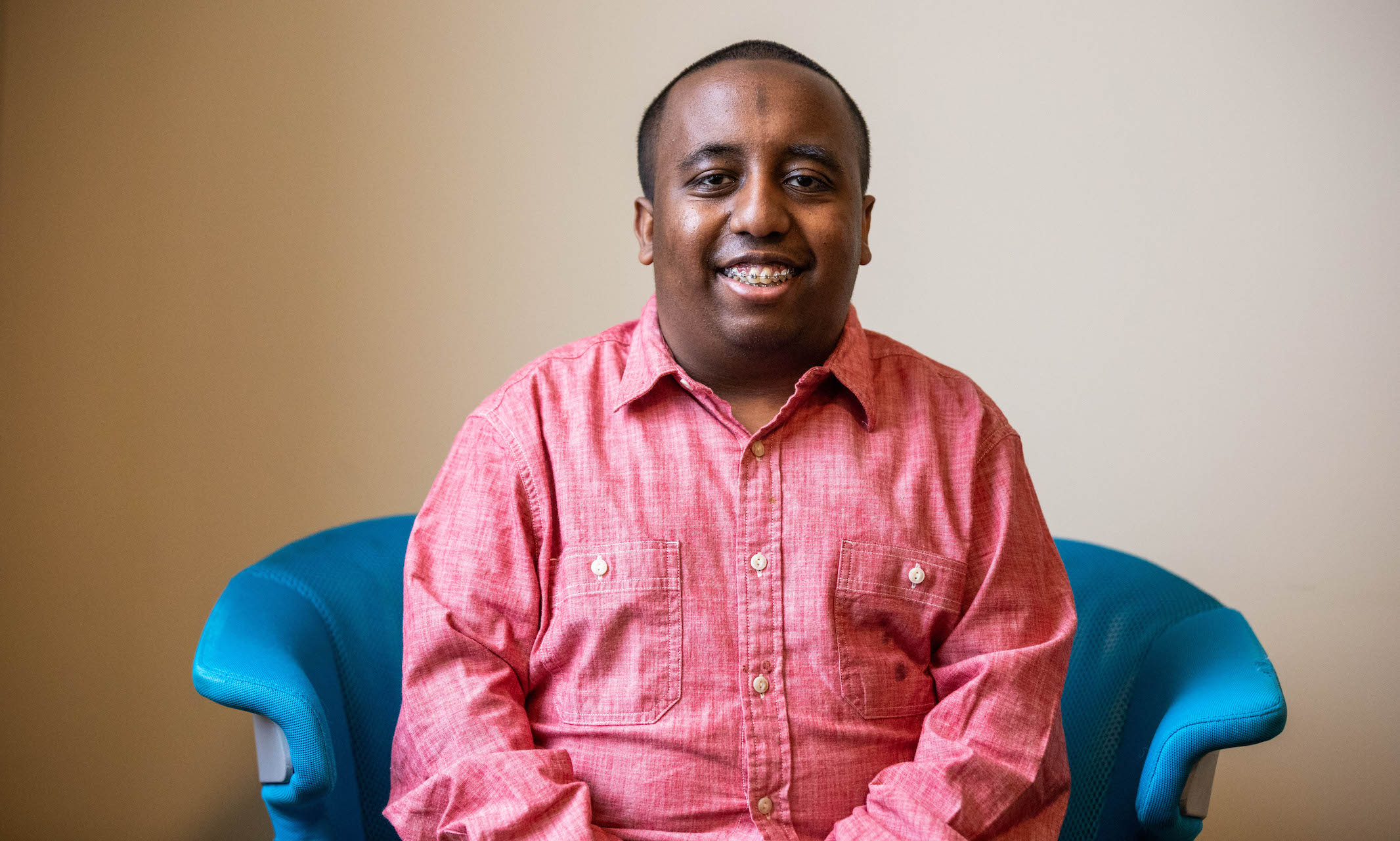
Nabil Abas builds community for himself and others
Our ongoing story starts with people from around the world, converging here at UMKC. Get to know our people and you’ll know what UMKC is all about.
Nabil Abas
Anticipated graduation: 2022
Academic program: BA’22 Interpersonal Communications Studies, minor in Sociology
Hometown: Mombasa, Kenya
Nabil Abas is a first-generation college student. While he works hard to maintain his grades, help his family and volunteer on campus and in his community, he is quick to smile, curious and engaged and determined to achieve success for himself and other people around him.
“Being a first-generation college student is extremely important, because I was the first person in my family to go through the college application process,” he says. “I had to find people to assist me in understanding FAFSA, what the college admission processes are and finding the resources that are out there.”
While the process was sometimes overwhelming, Abas has seen the benefit of figuring it out extend beyond his own success.
“It was overwhelming at times, but I use my experiences to assist my siblings, niece, nephews and community members. It means the world to me that I could be the point person that someone needed so they go after their college dreams!”
Abas’s aspirations did not stop at college acceptance. As an interpersonal communications major with a minor in sociology, he combines his interest, his experience and his knowledge from the classroom to help others.
“I chose this field of study because I love learning all about the social interactions of people, verbal behaviors and group dynamics,” he says. “My first job was working as an orientation leader. That’s what introduced me to field.”
Beyond his positive first impression, Abas has followed the lead of his professors at the College of Arts and Sciences.
“They are talented, bright, caring and experienced professors who inspire me to be the same for others in wherever I’m working at. Being around them inspires me to strive to have these qualities when I get into my field.”
"It means the world to me that I could be the point person that someone needed so they go after their college dreams!" – Nabil Abas
Still, Abas sometimes struggles with balancing school, work and family life. As the oldest sibling in his family, he has a lot of responsibility at home, but he works hard to maintain balance. He’s found it helpful to surround himself with classmates and form study groups with people who have similar passions.
“I always enjoy being able to have thoughtful conversations with my classmates on all topics on the table,” he says. “Whether that be state of our education system, social justice issues or how we could bring change to our communities. Those conversations are always the best!”
These interests reinforce Abas’s engagement in his role as president for the UMKC Men of Color initiative.
“Men of Color was created as a space where men of color and Latino males could come together to create a sense of belonging and hold each other accountable,” he says. “We do that through real-talk conversations with guest speakers, promoting positive images of men of color professionals, social media and cultural enrichment activities.”
It was Abas’s work with Men of Color that led to his involvement in the Roos Advocate for Community Change, a campus-wide effort developed to reinforce the university’s commitment to value all individuals for their contribution to the community regardless of race, social or cultural identities.
“I’m grateful to Chancellor Agrawal for creating this initiative for conversation and connection,” Abas says. “It’s been great to have conversations between Black students and university leaders like Brandon Martin, Kimberly Johnson and Keichanda Dees-Burnett. We share a mutual passion and dedication to creating a two-way street of communication between students and the university.”
"Your capabilities are limitless! This motto has helped me in every stage in my college journey." – Nabil Abas
Beyond his work on campus, Abas is heavily involved in volunteering on the weekends. He is the public relations director of Al-huda Youth Group, which helps Muslim youth in the historic northeast Kansas City neighborhoods combat the common issues or barriers that they face.
“I was lucky enough to have community leaders in my corner throughout my life, so this group is a way of giving back to my community for all they have done for us and also investing in our future leaders,” he says.
Mar 23, 2021
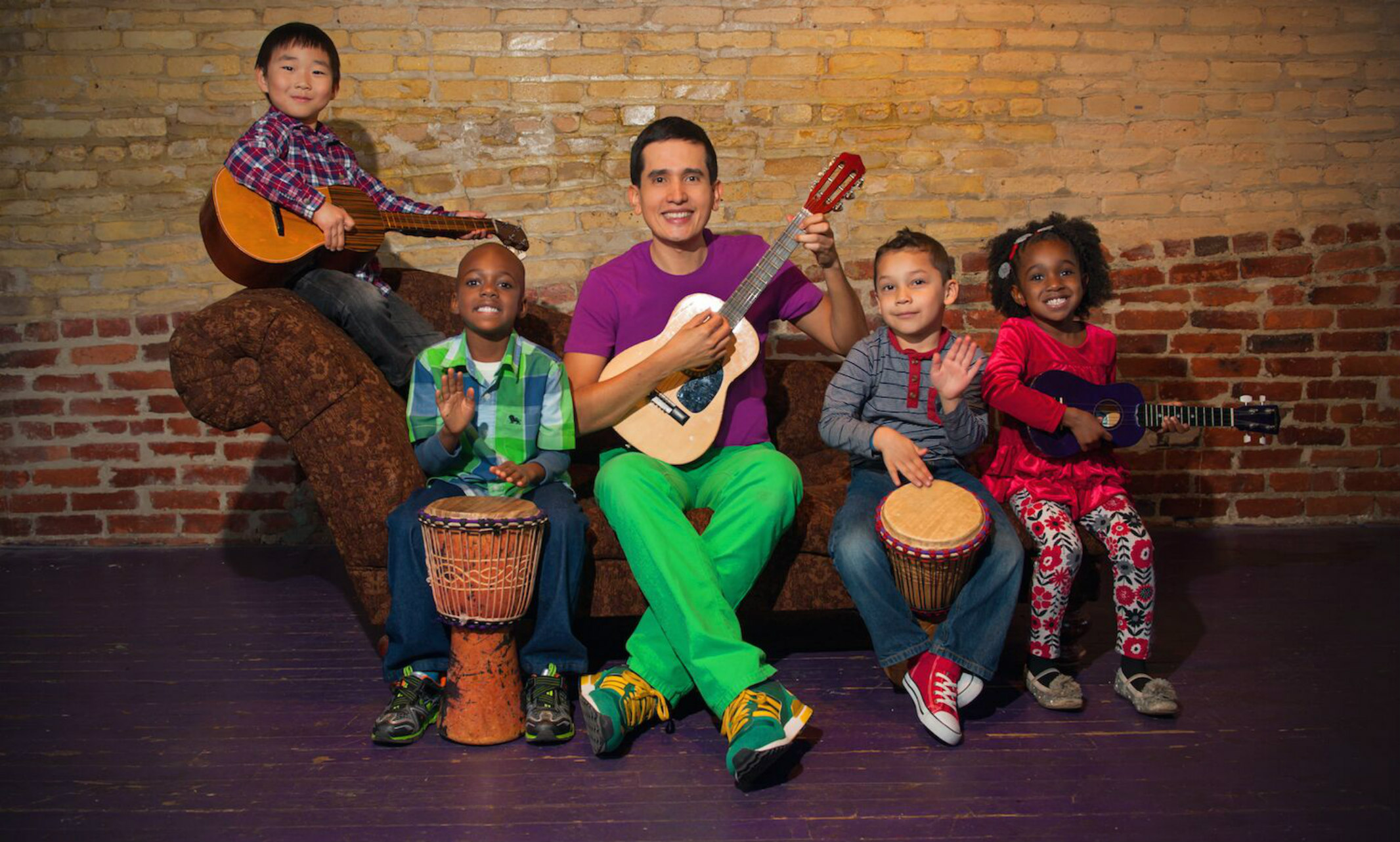
Andrés Salguero to receive the UMKC Conservatory Alumni Achievement Award
Each year, the UMKC Alumni Association recognizes the achievements of outstanding alumni with an awards celebration. UMKC is honoring Andrés Mauricio Salguero (G.R.C.T. ’11, D.M.A. ’11) with its Class of 2020 UMKC Conservatory Alumni Achievement Award.
Andrés Mauricio Salguero(G.R.C.T. ’11, D.M.A. ’11)
Along with his wife and partner, Christina Sanabria, Salguero is co-creator of the Latin Grammy-winning musical group 123 Andrés, a duo that performs music for children and families throughout the United States and Latin America. 123 Andrés has released four acclaimed studio albums, including their Latin Grammy-nominated debut, “Uno, Dos, Tres con Andrés,” Latin Grammy winner “Arriba Abajo,” and the most recent, Latin-Grammy-nominated, “Canta las Letras.” His first children’s book, published by Scholastic, debuted in 2020. We caught up with the composer, performer and multi-instrumentalist recently.
Your music teaches English and Spanish. How did you get into educational music?
When I was a young child in Bogotá, Colombia, my mom found some workbooks and cassette tapes at a used toy sale. It turned out to be “Inglés Junior,” an English learning course for children created by the BBC. They were a big part of how I learned English as a child and I never forgot them.
How does it feel to be helping children communicate better and learn foundational material from your music?
Our biggest goal for our music is to connect children and families to celebrate and learn about Latin heritage and Spanish language. We are proud that our songs support children in learning words and phrases in another language and that the underlying messages of multiculturalism, curiosity and friendship stick in their hearts and minds.
How did UMKC contribute to your success?
I am thankful for Conservatory faculty, who held us to the highest expectations. They fed my drive and nurtured a belief that I could perform at the highest level, whatever my chosen career path would be.
UMKC also offered many opportunities that went beyond the traditional coursework. I had several student work opportunities on campus that allowed me to be in different professional environments.
What is your proudest accomplishment?
Being able to give back. We have used our platform to raise awareness and funds for two amazing organizations that support children and families in need, the Greater DC Diaper Bank and Immigrant Families Together.
About the Alumni Awards
Join us in honoring Salguero and the other Class of 2020 Awardees in our first-ever virtual celebration at 5 p.m. April 16. Go to umkcalumni.com/alumniawards to register for this free event. If you are unable to attend the event but would like to donate to student scholarships, contributions can be made online.
Meet the rest of the 2020 UMKC Alumni Awardees
Mar 23, 2021
Scott Fullwiler weighs-in on MMT for Bloomberg
In the mainstream models, even when governments are paying low interest rates and have room to spend, “there’s always this danger” that debt costs could spike and derail their plans, says Scott Fullwiler, an MMT economist and professor at the University of Missouri-Kansas City. Read the full article.
Mar 22, 2021
Missouri Lawyers Media features Mira Mdivani
Mira Mdivani is an adjunct professor at the UMKC School of Law and Class of 2020 UMKC School of Law Alumni Achievement Awardee. Read more.
Mar 22, 2021
KCUR highlights School of Education alumnus
Khalil Jones is in his final semester at the University of Missouri-Kansas City and student teaching at East High School in the Kansas City Public Schools. Read more.
Mar 22, 2021
Local news outlets cover UMKC Forward plans
University of Missouri-Kansas City officials on March 18 announced plans to create three new schools and eliminate several existing academic programs. Read the news coverage:
Kansas City Star (subscription required) This article included an embedded link to the UMKC Forward video.
KCUR
Kansas City Business Journal (subscription required)
KSHB. This article included quotes from engineers at Burns and McDonnell and Henderson Engineers. Jenny Lundgren, provost and executive vice chancellor, was also interviewed.
University News
Mar 22, 2021
News of in-person commencement covered by Kansas City media
The University of Kansas City-Missouri will celebrate its 2020 and 2021 graduates with in-person commencement ceremonies at Kauffman Stadium. Read the news coverage from KSHB, KCTV5 and Fox4KC.
Mar 19, 2021
UMKC students and faculty volunteer at vaccination event
Volunteers from the UMKC Schools of Medicine, Nursing and Pharmacy will also help at the mega vaccination site. Read the story and watch the newscast.
Mar 19, 2021
KSHB features alumna Tiera Farrow during Women's History Month
Tiera Farrow. She graduated from Kansas City School of Law in 1903 and went on to lead a barrier-breaking career, and life. In 2019, Farrow was inducted into the UMKC Starr Women’s Hall of Fame. Read the article and watch the newscast.
Mar 19, 2021

Ceremonies for 2020 and 2021 graduates will be May 15 and 16
The University of Missouri-Kansas City is pleased to announce that in-person ceremonies honoring its 2020 and 2021 graduates will be hosted on Saturday, May 15, and Sunday, May 16, at Kauffman Stadium.
UMKC Commencement at the K will be a rain-or-shine event. Please monitor weather forecasts and be prepared to participate amid light rain showers if they occur. Guests may bring small umbrellas (no golf umbrella) into Kauffman Stadium as long as they do not interfere with other guests’ enjoyment of the ceremony. For the comfort and consideration of all guests, it is requested that those using umbrellas be considerate of those around them.
In case of heavy downpours or other severe weather, UMKC will follow the Royals’ standard weather protocol. The team will make the call as to whether the ceremony must be delayed; that information will be shared within the stadium, on the MLB Ballpark app and on the UMKC Commencement 2021 web page and the university’s Twitter and Facebook accounts.
Due to the COVID-19 pandemic and safety restrictions in place during 2020, UMKC found creative ways to safely celebrate its graduates: packets of surprise mementos, lighting up Kansas City landmarks Roo blue and gold at night and virtual ceremonies with distinguished guests. In December, Kansas City native and actor Don Cheadle was the speaker.
Nonetheless, students communicated their desire to return to in-person commencement as soon as reasonably possible. UMKC leaders worked with community leaders to find a way to make this happen.
“During the pandemic, we celebrated the milestone of graduating from our university with all of the pomp and circumstance we could safely create,” said UMKC Chancellor Mauli Agrawal. “We are happy that now we can return to an in-person event that is more like the traditional ceremony we’ve come to expect – and at the home of our beloved Kansas City Royals. We are grateful that the organization could accommodate our 2020 and 2021 graduates.”
Kansas City Royals owner John Sherman said he is delighted to help UMKC graduates celebrate commencement together, at the K.
"The last twelve months have been difficult on everyone, including the education community,” said John Sherman, chairman and CEO of the Royals. “Students, teachers and administrators throughout our country have worked tirelessly during these uncertain times, so providing this opportunity for UMKC graduates to be celebrated in person, with their families, is an honor for our organization."
UMKC will host four ceremonies in Kauffman Stadium, three dedicated to the class of 2021 and one dedicated to graduates from 2020 who return for the ceremony. More than 2,300 graduates will be able to cross the stage, with COVID-19 restrictions in place. The event also will be livestreamed.
UMKC is working diligently with groups across campus to plan this in-person Commencement celebration, including External Relations, Student Affairs and the Student Government Association.
Chancellor Agrawal expressed gratitude to the community for helping to make students’ commencement wishes come true.
“These in-person ceremonies would not be possible without the many community partners who stepped up with possible solutions,” Agrawal said. “The home of the Royals is a wonderful venue and we look forward to May and the ability to celebrate together with our students and their families.”
Commencement schedule
Light Up the Night 2021
UMKC graduates and their families are encouraged to take pics around Kansas City that are lit up in blue and gold. Here's what will be illuminated:
Kauffman Center for the Performing Arts, sunset on May 15
Union Station, sunset on May 15 and 16
Kansas City Marriott Downtown, sunset on May 15
City Hall of Kansas City, Missouri, sunset on May 15
Power and Light Building, sunset May 14 to 16
The Nelson-Atkins Museum of Art, sunset May 15 and 16
Durwood Stadium on UMKC Volker Campus, sunset May 14 to 16
Roo Statue on UMKC Volker Campus
James C. Olson Performing Arts Center on UMKC Volker Campus
Local fountains will be dyed or illuminated blue all day May 15Children's FountainFountain in Mill Creek ParkSpirit of Freedom FountainThe Concourse FountainThe Women's Leadership FountainMeyer Circle Sea Horse FountainTower Park
Mar 19, 2021
Washington Post interviews School of Law professor about Qualified Charitable Distributions
Christopher Hoyt, University of Missouri-Kansas City School of Law professor, explained the rationale behind some Qualified Charitable Distributions rules for this article. Read the full article.
Mar 18, 2021
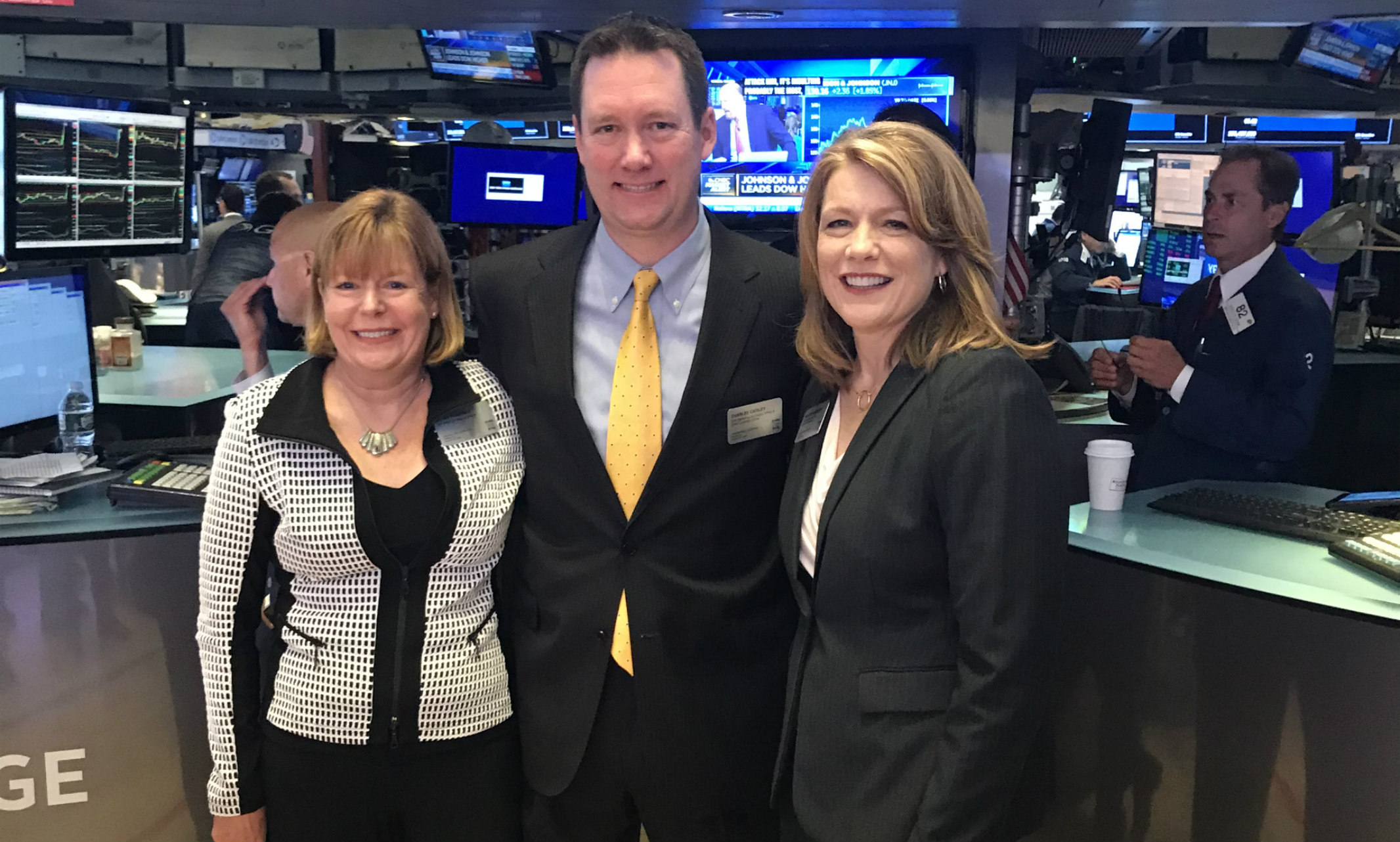
Henry W. Bloch School of Management selects Heather Humphrey to receive Alumni Award
Each year, the UMKC Alumni Association recognizes the achievements of outstanding alumni with an awards celebration. The UMKC Henry W. Bloch School of Management is honoring Heather Humphrey (EMBA ’11) with its Class of 2020 Alumni Achievement Award.
Heather Humphrey(EMBA ’11)
Heather Humphrey oversees all litigation, regulatory and corporate legal matters at Evergy, which serves 1.6 million customers in Kansas and Missouri. She serves as senior vice president, general counsel and corporate secretary for the company, which combined Kansas City Power & Light and Westar Energy.
An active member of the UMKC and Kansas City communities, she currently serves on the UMKC Board of Trustees and Board of Directors of the Greater Kansas City Chamber of Commerce. Humphrey previously served on the boards of Starlight Theatre, The Nelson-Atkins Museum’s Business Council and the Kansas City Friends of Alvin Ailey.
We caught up with her to talk about her experiences as an executive and in community service.
You have a diverse set of responsibilities at Evergy, including overseeing litigation, human resources, facilities and safety. What do you like about having multiple roles? What are the challenges?
Over the years, I’ve had the awesome opportunity to be a part of several functions within the company. The greatest part of that experience is the perspective and insight into the organization and people that is hard to replicate from any single vantage point. There are interesting problems to solve and opportunities for excellence around every corner. When you work with smart and caring people, the challenges really only come from within – time management, disciplined focus and accountability.
You’ve been involved with the Greater Kansas City Chamber of Commerce, Starlight Theatre, Nelson-Atkins Museum and more. Where does your passion for community service stem from?
I didn’t give a whole lot of thought to community service until I moved to Kansas City after law school. I didn’t know a soul in town but really wanted to connect and get involved. I quickly learned the secret of Kansas City is its cumulative devotion to public service. Once I leaned in a little, I was hooked. And it is true – the personal benefit of giving back is at least 10 times the effort contributed.
There are a many worthy causes to support, why do you choose to give back to UMKC?
I’ve seen firsthand what UMKC has to offer and am reminded every day how business and the community in general can benefit from world-class graduates committed to the region. I just want to help in any way I can. The Board of Trustees has such deep talent and experience, I am honored to be a part of the group and will lend my support in every way possible.
How did UMKC prepare you for/contribute to your success?
From the first day of class to the present, I have used and continue to use the knowledge and experience I gained from the UMKC Executive MBA program, both the substance and the relationships. A good part of it, though, is bigger than either of these – in that program, I developed a broader way of thinking. One that can be applied in different ways over and over in life.
What advice do you have for students who’d like to follow in your footsteps?
Work hard, keep (or develop) your sense of humor and don’t take yourself too seriously. Opportunities present themselves to people who engage and who seek out and solve problems. Attitude matters – positivity breeds positivity.
About the Alumni Awards
Join us in honoring Humphrey and the other Class of 2020 Awardees in our first-ever virtual celebration at 5 p.m. April 16. Go to umkcalumni.com/alumniawards to register for this free event. If you are unable to attend the event but would like to donate to student scholarships, contributions can be made online.
Meet the rest of the 2020 UMKC Alumni Awardees
Mar 18, 2021
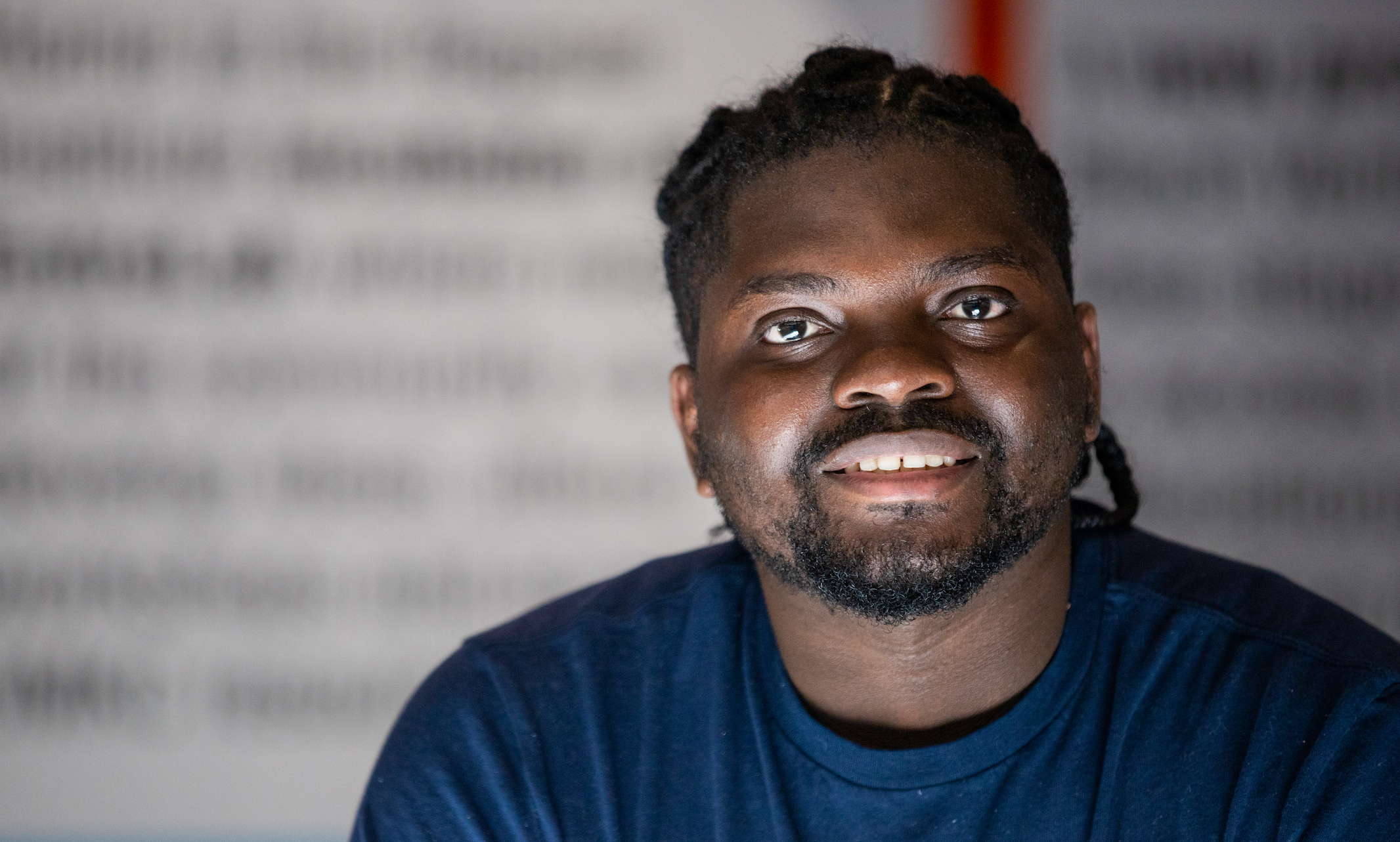
Mentorship and guidance elevate Greg Seaton’s success
Greg Seton immigrated from Ghana where he’d spent most of his young life in a refugee camp. As he prepares for graduate school, education, hard work and mentorship have been the key to Seton’s growing success.
While Seton has found his place in Kansas City, his transition was not an easy one.
“My whole family did not come to the United States,” he says. “My mom, sister and my older brother are still in Africa.”
He and his father moved in with their family members in Kansas City, and Seton felt lucky to have his cousins and other family members for support. He was in the English as a Second Language program at school, which helped with his transition as well.
“There were people interacting from various backgrounds, so I was able to relate to them better,” he says. “Then I was able to branch out from that group. It was a good starting point.”
“As I grew older, I realized that I’m a people person. I like to help people. I like to see them succeed, and I also like to lead.” — Gregory Seton
Finding his way and making the most of opportunities is a skill that Seton has developed. While he was a student at Cristo Rey High School, an urban school in Kansas City that provides college and career preparation to diverse students with economic need, he developed a mentor/mentee relationship with Bill Thompson his sophomore year.
“When I met Greg, he was very quiet,” Thompson says. “He wasn’t involved in many activities, but he had friends and was well-respected and liked. He had a real sense of himself.”
Seton shared stories with Thompson about what his life had been like in Africa.
“He walked two miles to school and stopped to fish for his family’s dinner on the way home. I don’t know anyone who makes better decisions about his life.”
“I don’t know anyone who makes better decisions about his life.” — Bill Thompson
When Seton graduated from Cristo Rey, he and Thompson decided to join Big Brothers and Big Sisters.
“They provide a lot of help with support and resources,” Seton says.
Seton enrolled in Metropolitan Community College and considered schools out of state to complete his degree.
“I had a good advisor who told me I should apply for the Bloch Scholarship. She said, ‘Greg, you are a wonderful student. I see that you are trying and I know you have a great future ahead of you. You should apply for the (Henry W.) Bloch Scholars Program.’”
Seton received a scholarship and began studying business management. He found that the faculty has been incredibly supportive to his success.
“UMKC is awesome,” Seton says. “I can’t interact much on campus just because I work full-time and have a wife and daughter at home. But the people that I’ve met, and the teachers that I have communicated with have all been amazing.”
“I’m learning a lot of real-life skills. I’ll be helping people fix problems. This is the right choice and the right degree.” — Gregory Seton
Before he came to UMKC, Seton had an interest in engineering, but he realized that management makes more sense for him.
“When I was a kid, I was always looking through trash for things I could take apart and see how they worked, which led to my interest in engineering,” he says. “As I grew older, I realized that I’m a people person. I like to help people. I like to see them succeed, and I also like to lead.”
He sees the business world as a way to utilize these skills. Thompson says Seton has always knows what he needs to do.
“I don’t know anyone who makes better decisions about his life,” says Thompson. “I didn’t envision he’d be where he is now, but his future is right there for him.”
Seton seems equally sure of his path to success.
“I enjoy the classes I’m taking,” he says. “I’m learning a lot of real-life skills. I’ll be helping people fix problems. This is the right choice and the right degree.”
Mar 18, 2021

UMKC Forward will benefit workforce readiness
The University of Missouri-Kansas City rolled out its UMKC Forward plan, pledging to invest more than $50 million to $60 million over the next five years in five key investments. Chancellor Mauli Agrawal said the investments are designed to achieve growth and excellence for Kansas City’s university.
In addition, the university will spend another $5 million to hire new faculty in key strategic areas over the next three years.
Agrawal noted that higher education has been grappling with change for years, but when COVID-19 hit and added new challenges, he knew UMKC couldn’t wait any longer to create a creative vision for its future.
“To thrive in the years to come, we needed to reimagine UMKC, to envision an innovative and financially sustainable future for ourselves,” he said.
In response, he launched UMKC Forward in May 2020 as a comprehensive collaboration that included ideas and exploration by a broad-based group of faculty, staff, students and community members.
Their collective work led to UMKC Forward’s five key investments:
1. Student Success
UMKC’s signature Professional Career Escalators™ program is a unique, trademarked system of personalized support and services unlike anything being offered across the U.S. It is designed to propel students from their academic studies to good-paying careers.
“This escalator model that focuses on students that are traditionally underserved is something that universities everywhere need to do a better job of addressing, and I’m very excited to see UMKC be one of the first to do this,” said Mahreen Ansari, president of the Student Government Association and political science major.
2. Faculty Development
A new Center for Advancing Faculty Excellence, or CAFE, will feature a comprehensive program of mentoring, development opportunities and resources to support, attract and retain high-quality and engaged faculty.
“The heart of any university is the relationship of the student to the faculty,” said Tom Mardikes, chair of the UMKC Faculty Senate and Conservatory theatre professor. “We are working very hard to identify ways for UMKC to be innovative in its programs and especially in how it connects our students to the city and the region. Investing in our faculty to better secure student success is a winner, and I'm very excited to see how impactful and productive this new approach can be for UMKC.”
3. Research Excellence
To reach its goal of doubling research expenditures by 2028, UMKC will invest in building up research capacity and infrastructure, identifying high-impact research collaborations, training and mentoring researchers as well as investing in faculty hiring.
4. Career Expansion
UMKC will expand TalentLink, adding a robust offering of badges and certificates alongside high-quality professional, online and continuing education opportunities meeting in-demand needs for individuals and the companies they work for.
5. Community Engagement
UMKC will leverage its incredibly engaged community partners to create a student and faculty engagement network, increasing opportunities for students and faculty to connect with civic and business partners through internships, service learning and research.
Agrawal explained the reasoning behind each of the five investment priorities.
“Student Success is our ultimate metric; the fundamental reason we are here. Faculty Development is a key driver of student success and research excellence,” he said. “Research Excellence is essential to our public service mission; it builds available resources through grants and patents; and it is a major attraction for high-achieving new faculty and students.
“Workforce Talent Development will help us meet the needs of employers and professionals for lifelong learning, and enhances the quality and capability of our regional workforce. And Community Engagement is integral to meeting our commitment to public service as a state university.”
“The goal of the UMKC Forward plan is realizing the best UMKC possible – the version of Kansas City’s university which will effectively meet the needs of the whole community,” said Karen King, chair of the UMKC Staff Council. “The effective implementation of the UMKC Forward plan means long-term success for this institution, present and future students, and the Kansas City metropolitan community.”
Notable in this tough fiscal environment is that UMKC Forward plans do not call for large-scale layoffs or reductions in staffing.
“The effective implementation of the UMKC Forward plan means long-term success for this institution, present and future students, and the Kansas City metropolitan community.” - Karen King
Instead, UMKC Forward will realize the bulk of its funding – $50 million to $60 million over five years – by realigning current spending to these new priorities. Additional money, over time, will come from attracting new research investment and growing philanthropy, including a future capital campaign. UMKC hit record numbers on research dollars and philanthropy in 2020 and aims to continue those trajectories. UMKC also will continue its work to retain current students and attract new students, both important to the university’s fiscal health.
Some additional revenue will come from realigning academic units and closing some academic programs, but Provost Jenny Lundgren said those plans are more about positioning UMKC’s academic enterprise for excellence and innovation than about saving money.
“When we began to re-imagine the structure of our academic units, our faculty got really creative about the possibilities of developing some new synergies in the classroom and in our research,” Lundgren said. “We wanted our academic structure to reflect our commitment to our students and their needs and to create new ways to foster innovation and collaboration among our faculty in teaching and research.”
Starting in fall 2022, UMKC will have three new academic units among its 10 schools: the School of Science, Engineering and Technology; the School of Education and Applied Behavioral Sciences; and the School of Arts, Culture and Social Sciences.
Agrawal said the UMKC Forward advances will increase the value UMKC provides for all of its stakeholders.
“We will provide an environment of greater overall excellence for students, faculty and staff; solve more problems and create greater opportunities for our community; strengthen our regional workforce; and leave a more powerful legacy for future generations.”
Mar 18, 2021

CAFE is the Center for Advancing Faculty Excellence
The UMKC Forward initiative introduces a new and expanded faculty support initiative, the Center for Advancing Faculty Excellence, CAFE.
CAFE builds on and replaces the Faculty Center for Excellence in Teaching (FaCET).
“UMKC has a long tradition of providing valuable teaching support to our faculty through FaCET," said Provost Jenny Lundgren. "CAFE will build on that foundation, offering expanded programming and resources to support all pillars of faculty life: teaching and learning, research and creativity, service and engagement, career progression and leadership development."
Tom Mardikes, chair of the UMKC Faculty Senate and Conservatory theatre professor, found the concept encouraging.
“The heart of any university is the relationship of the student to the faculty,” Mardikes said. “We are working very hard to identify ways for UMKC to be innovative in its programs and especially in how it connects our students to the city and the region. Investing in our faculty to better secure student success is a winner, and I'm very excited to see how impactful and productive this new approach can be for UMKC.”
CAFE will bring all campus-level faculty development and support programming under a single umbrella, said Diane Filion, vice provost for faculty affairs. A unified professional learning calendar, registration and attendance system will make it easy for faculty to find the programming and resources they are most interested in, while also creating infrastructure for evaluating the impact of CAFE programs on faculty and student outcomes, to ensure programming meets faculty needs.
“Investing in our faculty to better secure student success is a winner, and I'm very excited to see how impactful and productive this new approach can be for UMKC.” - Tom Mardikes
CAFE will be organized around the pillars Lundgren listed, and rather than a single director, a team of pillar leaders working with a faculty advisory board will shape and guide CAFE. Initial programs and resources planned within each pillar as described below.
See pillar chart
Teaching and Learning
Expanded campus-specific instructional support: CAFE will provide enhanced support to UMKC faculty including support for in-person and blended courses with their associated teaching tools and technologies, the Syllabus Generator, hyflex and general classroom technology.
Resources and Support for NTT and Adjunct Faculty: CAFE will include a new focused program to support non-tenure track and adjunct faculty specifically, coordinated by the pillar lead and a CAFE faculty fellow.
Course evaluations and peer teaching observations: CAFE will provide unit-level consulting and support to expand beyond traditional course evaluations for the assessment of teaching effectiveness, including incorporating formal peer observations of teaching. A new program within CAFE will prepare a group of faculty to provide peer observation and coordinate a service in which units or instructors can request a peer observation and coaching for a class. CAFE will offer the peer reviewers a small stipend for their service.
Assessment and analytics for student success: In collaboration with leadership, a CAFE faculty fellow will help design and coordinate tools for program directors, department chairs and deans focused on strengthening ongoing program assessment strategies and using data analytics to evaluate and address curricular barriers to student success.
Faculty Learning Communities: In 2019-20, UMKC started bringing together small groups of faculty from across disciplines for peer-led, in-depth learning opportunities on a specific teaching topic. CAFE will continue this program and offer a set of Faculty Learning Communities each year on topics selected and led by faculty.
Inclusive Teaching: in partnership with Diversity and Inclusion, CAFE will coordinate workshops, Faculty Learning Communities, and guest speakers focused on inclusive and culturally-responsive teaching strategies.
Mini-conference: Teaching: In past years, FaCET provided a one-day conference focused on a variety of teaching topics and typically included an external keynote speaker. CAFE will continue this tradition.
Research and Creativity
Grant-writing institutes and research mentor program: CAFE will launch a series of initiatives to support faculty research, with the signature program based on the matrix model from the University of Utah. In this model, selected faculty will engage in a yearlong program to facilitate grant writing, fellowship or foundation proposals across all disciplines. The program will provide senior and peer mentors, with extensive and intensive guidance and support for all stages of proposal development from concept to submission.
Small grants program for proposal development: Faculty can apply for funding to support proposal development through course reduction, external consultation, pilot testing and supplies.
Grant and fellowship proposal pre-submission peer review: Faculty can request a pre-submission peer review of a grant or fellowship proposal by a senior faculty member specifically identified by the Office of Research Services and CAFE pillar lead based on the reviewer’s expertise and experience relative to each proposal. CAFE will offer the peer reviewers a small stipend for the peer review service.
Mini-conference: Research: Along with the annual mini-conference on teaching topics, CAFE will design and present a mini-conference focused on timely research topics.
Service and Engagement
This pillar will have two themes and two co-pillar leaders: high-impact and community-engaged learning led by a CAFE faculty fellow and co-pillar lead, and community-based research and consulting led by a partner from External Relations serving as a co-pillar leader.
The pillar leader for high-impact and community-engaged learning will be responsible for leading the programming for faculty on designing community-based learning/service learning courses. A signature proposal involves working with the AmeriCorps VISTA program to establish partnerships at major Kansas City nonprofits for student placements with activities specifically designed for integration into course assignments. The leader also will partner with the Undergraduate Research Council, International Affairs, Student Affairs and others to design and implement programming to support faculty engaged in high-impact teaching practices.
The pillar leader for community-based research and consulting will be responsible for designing and implementing programs and services to support and expand opportunities for faculty-community partnerships.
Career Progression, Leadership and Faculty Life
New faculty orientation and non-tenure track/adjunct support: Leaders from all pillars will contribute to a new, yearlong faculty orientation that will cover all aspects of faculty life: research, teaching, service, engagement and leadership. In addition, there will be a new focused program to support non-tenure track and adjunct faculty specifically, coordinated by the pillar-lead and a CAFE faculty fellow.
Early-Career / Pre-Tenure Programming: CAFE will offer programming to support faculty in the years preceding their tenure review. This will include workshops, consultation and resources for pre-tenure faculty: promotion and tenure, creating a path-to-tenure plan, creating the tenure portfolio and making the most of pre-tenure time. Programming and resources will also be provided for department chairs and deans specifically focused on supporting their pre-tenure faculty.
Mid-Career Programming: CAFE will offer programming to support the personal and professional growth of midcareer faculty. This will include workshops focused on creating a path-to-promotion plan, exploring professional and academic leadership roles, and other resources specifically designed to connect mid-career faculty to the resources needed to chart a course for the next steps in their post-tenure years. for mid-career faculty. Programming and resources will also be developed for department chairs and deans specifically focused on supporting their mid-career faculty.
Programming for Underrepresented NTT/TT Faculty: CAFE will offer focused programming in support of the personal and professional growth of underrepresented faculty, meant to address possible barriers to their success at UMKC. These resources are designed to meet the needs specific to our Black, Indigenous, Asian and Latinx/Hispanic faculty, with a focus on fostering support and belonging and building community. Programming and resources will also be developed for department chairs and deans specifically focused on supporting the success of underrepresented faculty.
Programming for Department Chairs: Through collaborations with UM System and multiple campus partners, CAFE will offer programming and resources to support department chairs and the critical roles they play in supporting the success of their faculty, staff and students.
Faculty health and wellness: Through collaborations with UM System, UMKC HR, the UMKC Faculty Ombuds and a variety of other partners, CAFE will offer programming to promote faculty health and wellness.
Mar 18, 2021
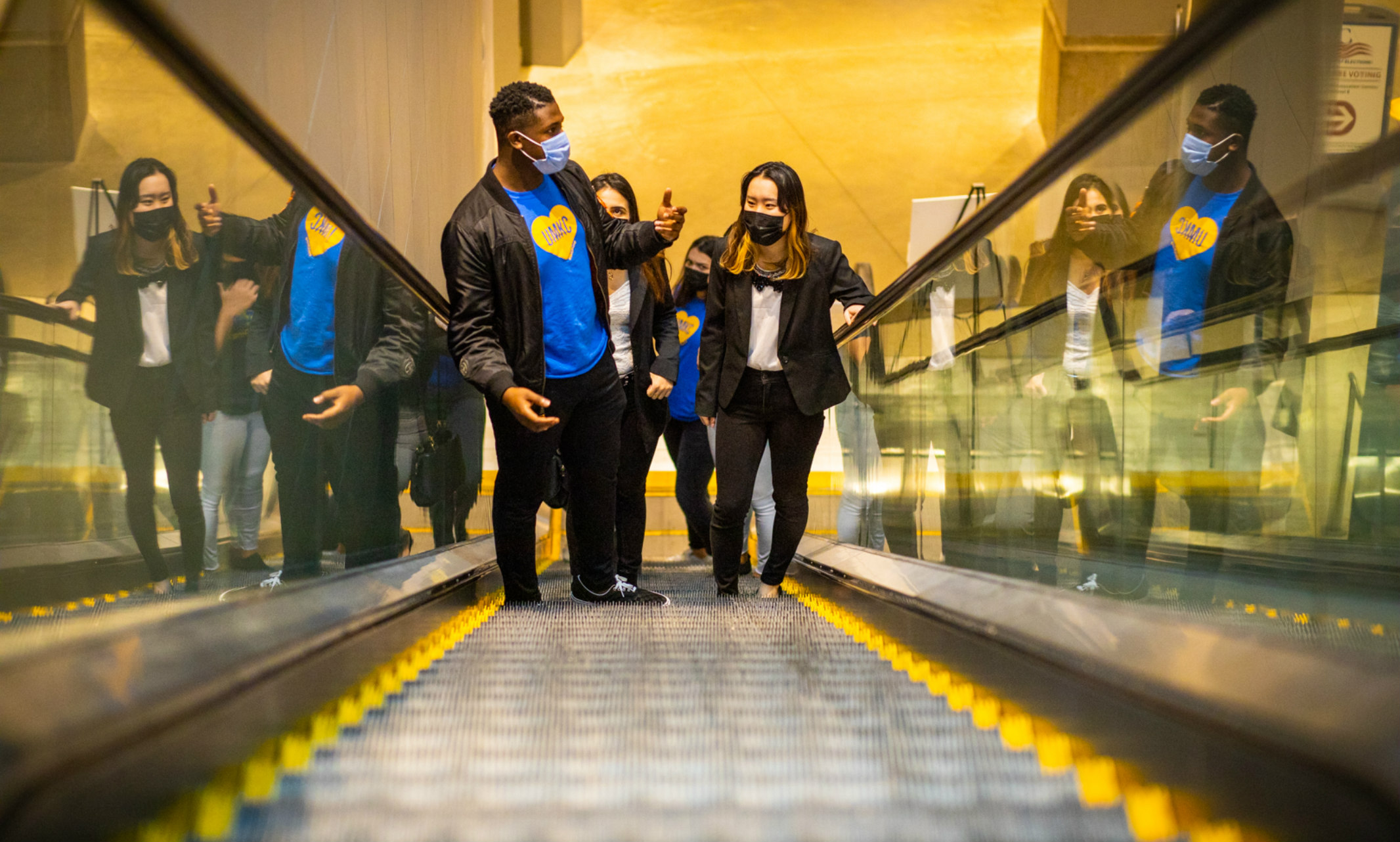
Initiative supports two key missions: public service and workforce readiness
A centerpiece initiative of the UMKC Forward plan will create the university’s signature Professional Career Escalators™ program. This innovative student success initiative includes a unique system of personalized support and services to propel students from their academic studies to good-paying careers.
University officials believe the combined features and goals of the program make it unlike anything being offered at any other college or university in the United States.
“The escalators are designed to engineer the college experience to support career attainment from undergraduate through professional training,” said Chancellor Mauli Agrawal.
The program includes signature student experiences and support programs, such as living-learning student cohorts, an entry-bridge program and advising teams with expertise in specific professions. Scholarships and other forms of financial aid will be part of the program as well.
“Professional salaries are a first step to building wealth and escaping generational poverty, and our community needs substantially more educated professionals to meet our regional workforce demand.”–
Chancellor Mauli Agrawal
Curriculum in the escalators will include for-credit applied experiences. This could include service learning, internships, or what Agrawal calls a “metromester” – like a semester abroad model, but spent in the city volunteering with a nonprofit, working with a local government agency or interning for a business.
The escalators will be open to all admitted students, but is built on research and best practice that support UMKC goals to increase retention and graduation rates of underrepresented, first-generation and Pell-eligible students.
The initiative supports two key missions of the university: public service and career readiness.
“Professional salaries are a first step to building wealth and escaping generational poverty,” Agrawal said. “And our community needs substantially more educated professionals to meet our regional workforce demand.”
Tom Mardikes, professor of theatre and chair of the UMKC Faculty Senate, said the escalators are flexible enough to work well for students who decide to change career paths during their college career.
“Many students start at UMKC to discover their major,” he said. “More, however, come with a specific path in mind. Regardless, things always change. What I like about the Professional Career Escalators™ program is that it serves as a visual metaphor for all of us — students, faculty and staff — on how to craft the means to deal creatively with that change.”
Karen King, chair of the UMKC Staff Council, said the escalators are a key element of the UMKC Forward goal of “realizing the best UMKC possible — the version of Kansas City’s University which will effectively meet the needs of the whole community.”
Staff will play an important role in executing the escalator plan. She said: “We will be working hand in hand with faculty and administration from the first steps of the escalator, through the student’s college experience and subsequently, to a rewarding career where they step off the escalator with pride.”
Initial professional focus areas for the escalators, based on workforce need and personal career opportunity, include healthcare, education, engineering/business and law/justice. Others will be added in the future in response to workforce demand trends.
The implementation schedule for Professional Career Escalators™ calls for hiring a director in Summer 2021. That director, in collaboration with working groups, will finalize escalators programming over that academic year and prepare for the official launch in Fall Semester 2022.
Mar 18, 2021
KCUR interviews Mary Anne Jackson
“Physician leaders from across our state of Missouri are all on the same bandwagon: we must prioritize our seniors,” says infectious disease specialist Mary Anne Jackson, dean of the University of Missouri-Kansas City School of Medicine. Read more. A similar story ran in The Pitch.
Mar 16, 2021
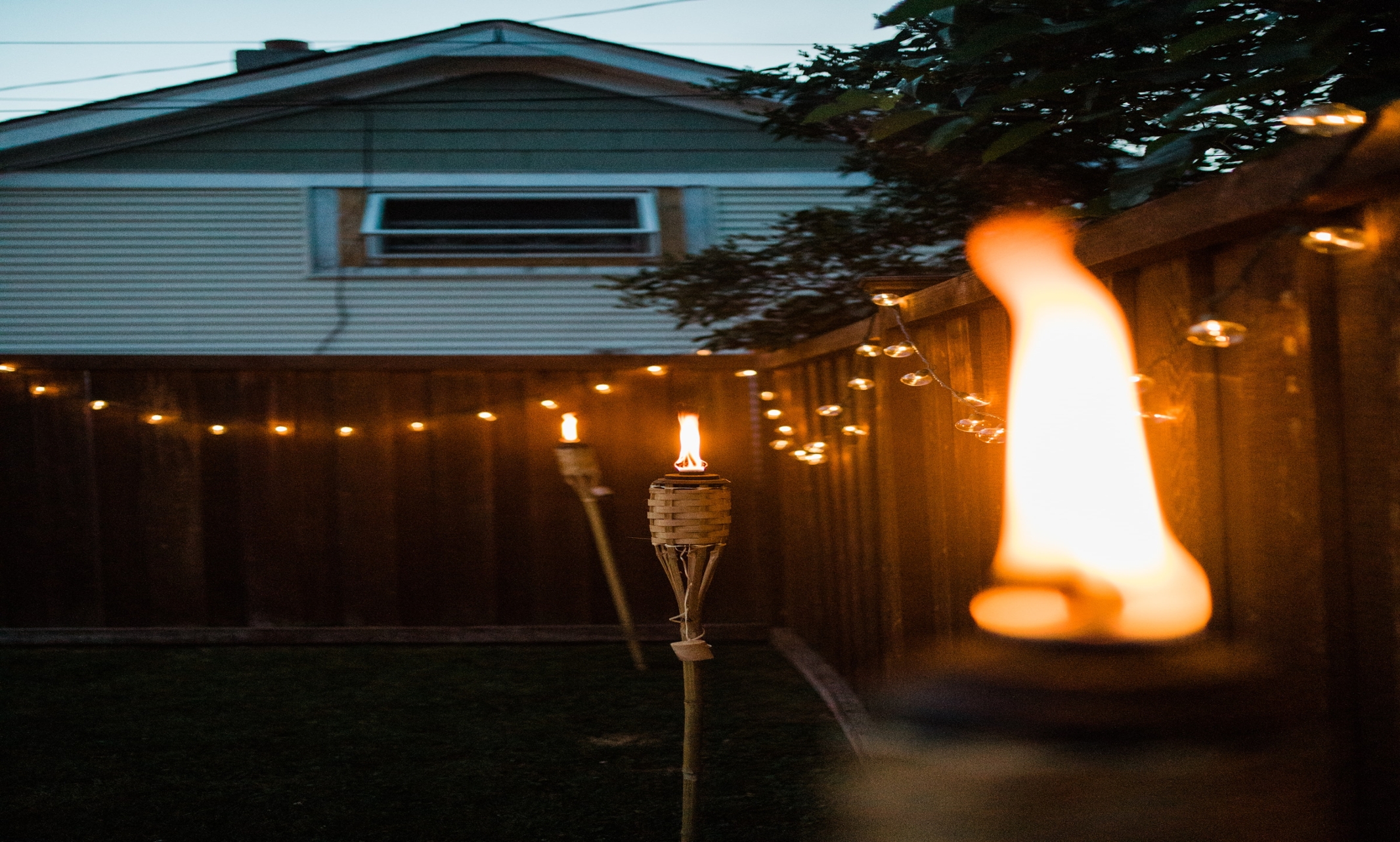
9 ideas on how to have fun wherever you are without going to the beach
While life may be different than the years before, it doesn’t mean you can’t relax and take a well-deserved break right at home! There are a lot of alternatives to traveling or gathering for spring break this year.
As concerned citizens and educated students, it is our job to be responsible and reduce the risk of contracting/spreading COVID-19 during our time apart. Here are a few things I plan to do, along with some helpful tips on how to make the most of Spring Break 2021.
1. Instead of going to a beach, you can bring a tropical oasis to your own room or house!
Decorate your space with string lights, festive tiki torches, beach balls, and make some fruity mocktails in crazy glasses. My roommate and I love to plan themed nights with different snacks and outfits to match accordingly. It’s way cheaper and safer than going out.
2. Need to get out of the house?
Go on an adventure and take Instagram-worthy pictures of the views around you. If you live in the KC metro area, there are lots of places to visit and check out! Some of my favorite areas are over at the Nelson-Atkins Museum of Art and the WWI Memorial by Union Station. Campus also has some neat hidden gems!
3. If you’re a busybody that wants to keep moving, I suggest starting a new craft or hobby.
This is the perfect time to take up running, crocheting, painting, writing, yoga, buy a plant, take a cooking class, learn to play a new instrument, join a student group or organization, volunteer, tutor, and more! Some of my new plants include a monstera my friend recently gifted me and a peace lily my roommate and I named Wall-e. Here’s a picture of them soaking up some indirect sunlight.
4. Deep clean your space!
Whether it be your dorm room, house, apartment, or wherever, spring cleaning is a MUST. I cannot stress this enough. On top of needing to stay tidy and sanitary because of the awful virus going around, it also helps clear your mind and keep you focused. When your space is cluttered, it can be easy for your mind to follow. I know I feel so much better when my area is tidy. Start with something small and have fun with it—blast some of your favorite upbeat tunes and get going! One of my go-to’s is 80’s pop or EDM :)
5. If you must travel, BE SAFE AND BE SMART
Remember to always wear your mask, bring travel sanitizer, wash your hands frequently and don’t make a lot of stops. Road-tripping with someone you live with might be your safest bet if you want to get away. Plan out a route with sight-seeing from your vehicle and try to keep your distance if you are around others for scenic views and landmarks of interest.
6. Tackle that task you’ve been putting off for so long!
We all have one, whether it be fixing the crooked hanging picture, an errand you’ve been meaning to run, re-organizing, unpacking boxes from a recent move (guilty), re-decorating, re-arranging, etc. Schedule that dentist appointment you’ve been meaning to; resources for students are available at UMKC School of Dentistry with free cleanings and more! Order from that new restaurant you’ve been wanting to try, reach out to an advisor or counselor you’ve been meaning to talk to, run that mile you keep saying you’ll do, ask someone out over the phone or try out a new dating app—do something that you’ve been needing to do or never have—and break the cycle! You’d be surprised how great it feels to accomplish something you’ve been wanting to for a while, no matter how small.
7. Take time to RELAX.
Turn off alarms, put phones away and just take time for yourself. Breathe. Sitting in silence and appreciating the little things can do wonders for your mind and help you reset. Lessen your time on social media and strengthen your time with yourself. I personally love to journal and highly suggest starting a gratitude journal. It’s easy to get caught up in the hustle and bustle of the day-to-day; don’t forget to stop and smell the roses.
8. Don’t forget about any assignments and projects assigned or due over break.
You don’t want to come back to more stress. Be sure to update your agenda and calendars with due dates and tasks for each of your courses.
9. Finally, prepare to finish the semester strong.
I don’t know about you, but time always seems to fly by in the spring, especially after break. Next thing you know, it will be May! So, keep at it and enjoy the time off while you can. We got this, Roos!
Mar 16, 2021
New music show from KCUR: The Session With Hermon Mehari
Hermon Mehari is a graduate of the UMKC Conservatory. Read more.
Mar 12, 2021
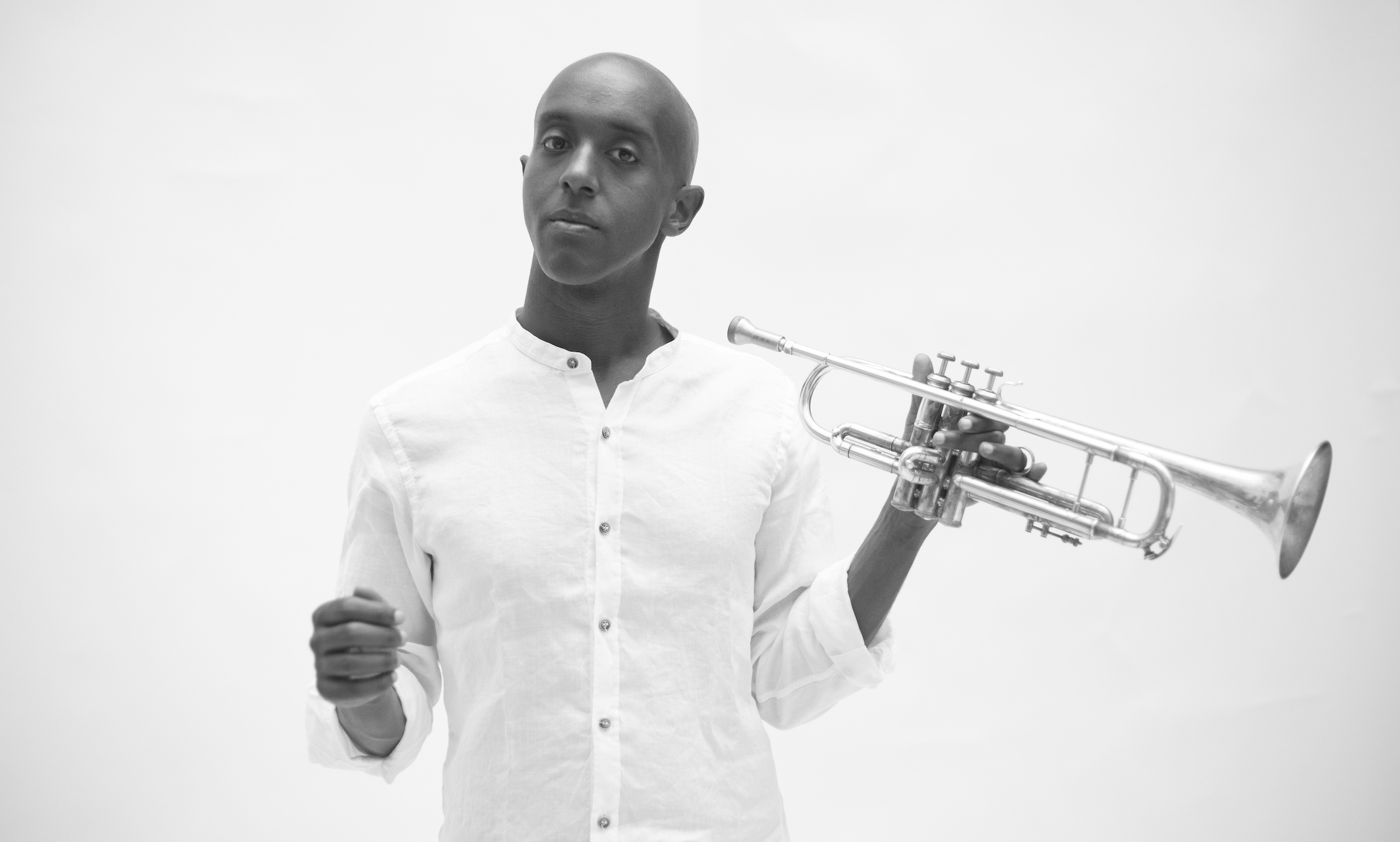
Hermon Mehari hopes to engage listeners with old favorites and new discoveries
Trumpeter Hermon Mehari (BM, ‘10) is launching, “The Session,” a new show on KCUR 89.3 from his home base in Europe. While he has deep roots and high credibility in the jazz world, his show will be a mix of old favorites and new finds.
One of Hermon Mehari’s first musical memories is his aunt giving him the Michael Jackson cassette of “HIStory.”
“I think my first favorite song was ‘You Are Not Alone.’”
While he loved Jackson and grew up listening to a lot of Motown, he did not know he wanted to be a musician until he joined the band in 7th grade. That is when his passion for the trumpet began.
“I started playing the trumpet after about a year,” he says. “I fell in love with improvisation and jazz through my classes in school. I hadn’t known anything about jazz before and started buying records and was very purposeful about it. I was reading about the history and learning the stories of the musicians. It naturally grew into an obsession.”
He had developed a passion for jazz so deep, that he applied to the top three schools known for their jazz programs.
“I was impressed by his spirit and his playing,” - Bobby Watson
“I auditioned at all of them. I got scholarships at all of them,” he says. “Then I received a phone call from Bobby Watson. Bobby is legendary and worked with Art Blakey’s Jazz Messengers. When I got his call, I had an Art Blakey and the Messengers CD on my nightstand and I was looking at it as I talked to him on the phone. He said he wanted me to come to UMKC. And I thought, ‘I want to work with someone who cares enough to call me as a result of my audition. I came to UMKC because of Bobby Watson.”
Bobby Watson, William D. and Mary Grant/Missouri professor of Jazz Studies, had heard Mehari play at a festival the year before he applied to the UMKC Conservatory.
“I was impressed by his spirit and his playing,” Watson says. “I had the chance to talk to him and it was clear he was very industrious. He has a business mind. He’s a natural entrepreneur. Even then he was always hustling, and you have to hustle.”
Once he was at UMKC, Mehari found himself surrounded by incredible musicians.
“I was immediately in a place with people who not only inspired me, but who took us out on the scene immediately. We were connected to the jazz tradition of Kansas City and the older generation that was there. But we learned from each other. I was inspired by my fellow students then and still am.”
Mehari received significant attention for his skills while he was at the Conservatory, including winning the 2008 National Trumpet Competition, but he never considered quitting school to play.
“That wasn’t a question for me,” he says. “I was a good student and my parents, who were refugees, would have been so disappointed if had quit school. In our community you don’t do that. I mean, you also don’t become a musician…”
After graduation Mehari went to Paris to explore the city and get to know the jazz scene.
“I’d been to Europe, but I’d never been to Paris. By the end of 2016 I’d moved there.”
As cities in Europe began to shut down because of the COVID-19 pandemic, Mehari and a few friends had the opportunity to rent a farmhouse in the French countryside. While he was there, he recorded his latest album, “Change for the Dreamlike.”
“I was in a good mental state. I’d written the music and had practiced a lot. I put it out for free on Bandcamp originally, because I knew that a lot of people might not be able to afford it.”
“Radio is meant to make you feel good and that’s my mission with what I do musically on the horn. I want people to feel or feel strongly, but most of all to feel good. That’s the beautiful thing about “The Session.” - Hermon Mehari
As the pandemic wore on, Mehari began to feel the strain. While he comes Kansas City three or four times a year to perform, he’s been unable to come for the last year. That makes strengthening his connection to home through his new show “The Session” on KCUR 89.3 even sweeter.
“Radio is meant to make you feel good and that’s my mission with what I do musically on the horn. I want people to feel or feel strongly, but most of all to feel good. That’s the beautiful thing about “The Session.”
Mehari had never thought he’d do a radio show, but he jumped at the opportunity.
“We’ll be celebrating Black music, which is really cool and important. But I’m also excited to showcase the diversity within this music. Some people may be familiar with jazz, but maybe they don’t know anything about music from Africa or blues, R&B or hip-hop. I want to stretch the listener. The idea is – check this out. Maybe you’ll like it or maybe you’ll like the next one.”
Mehari plans to feature a Kansas City artist in each show as well as new music, obscure music and popular music.
“It’s been really fun,” he says. “I love the curation. There’s a fine balance and I am always aware of having a few songs that are familiar to a wide range of people. The greatest compliment I could receive would be, ‘I never thought I’d like ‘X’ music, but now I realize I do.”
“The Session” with Hermon Mehari airs Saturdays at 7 p.m. CST on KCUR 89.3.
Mar 12, 2021
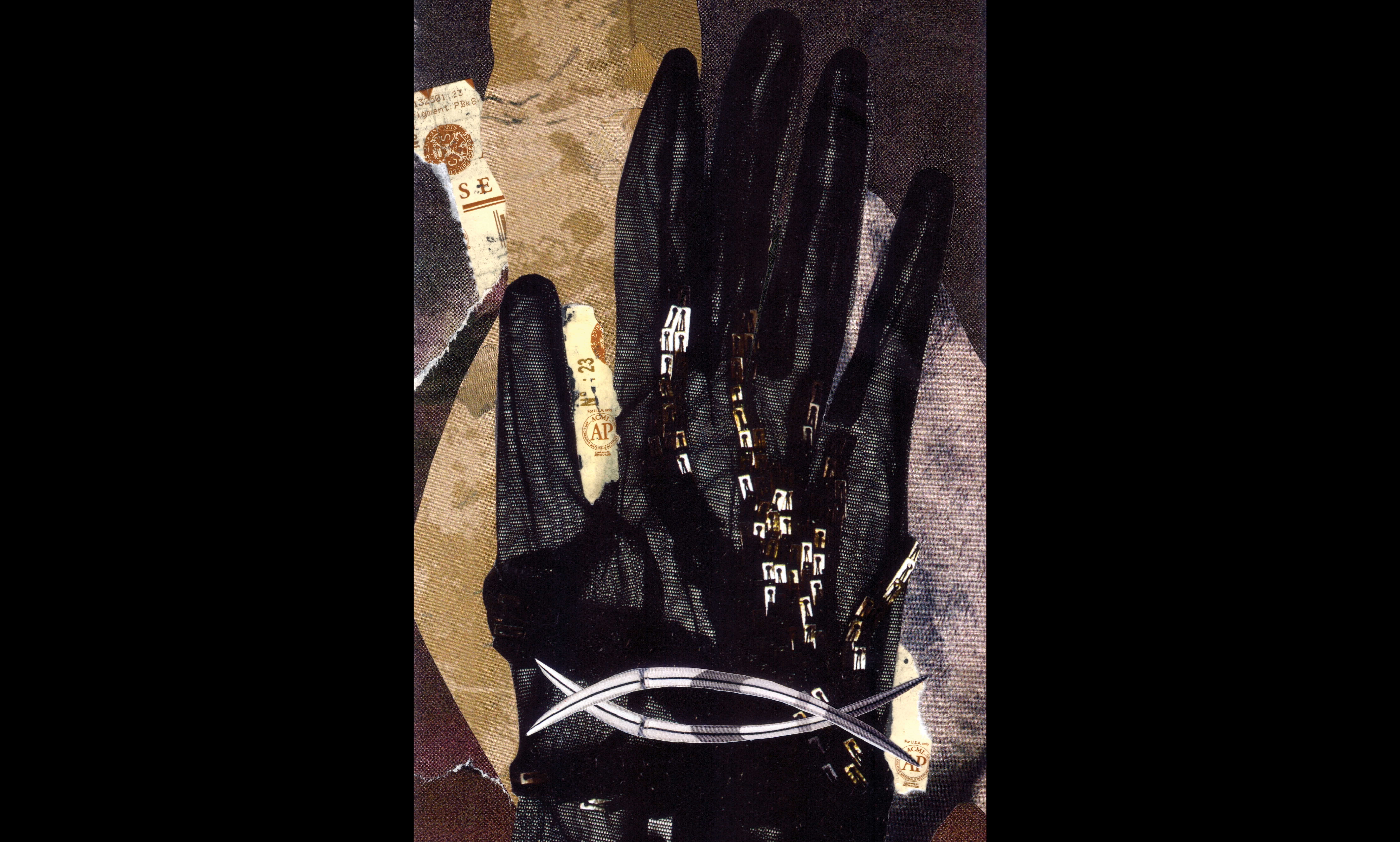
Usually a place of surgical models and data research, this UMKC School of Medicine lab is embracing its artistic side
The Surgical Innovations Lab at the UMKC School of Medicine, led by Gary Sutkin, M.D., was formed in 2016 to better understand how patient safety may be threatened in the operating room and how to make surgery safer. It approaches this mission with an inter-disciplinary team through a multitude of methodologies, including biomedical engineering, ethnography and now art.
A member of Sutkin’s team is Margaret Brommelsiek, Ph.D., associate research professor in the School of Nursing and Health Studies and the School of Medicine. Together, they are collaborating on an art and medicine project called Visual Excavation: Reconstructing Scientific Data into Visual Artifacts.
It was designed to extend the lab’s research data through visualization in the form of artist books. Brommelsiek, who is also a practicing artist, developed the images through mining data contained in the lab’s research protocols relating to quality and safety in the operating room, team communication and interprofessional surgical team interactions.
The importance of the artwork is being recognized by the artistic community as a whole. Brommelsiek and Sutkin have created five books consisting of the pieces accompanied with poems written by Sutkin and Brommelsiek. Those books are now included in the library of the National Museum of Women in Art in Washington, D.C. The institution is the only major museum in the world solely dedicated to championing women through the arts. The library’s collection includes 1,000 unique books and limited editions created by women artists in a variety of formats.
“It’s really an honor to be included in their collection and how artists and art can engage in science,” said Brommelsiek. “Hopefully, these books will inspire other future artists to collaborate in fields outside of the arts.”
By going beyond charts and graphs, Brommelsiek’s art provides a visual narrative documenting the lived experiences of the researchers. Conducting ethnographic studies, her research examines the dynamics within the operating room environment, using a humanities-informed lens and identifying parallels between medicine and art. Her finished pieces, which she describes as abstract, use collage as the primary medium to create an essence of the experiences of research processes.
“Margaret’s art and background have really opened up a window in my mind where I view my research differently and even surgery itself,” said Sutkin, who also serves as associate dean of women’s health at the School of Medicine.
According to Sutkin, this is the lab’s first foray into true art incorporation. “We’ve been making theoretical models and try to make them visual, but this is a new direction for us.”
Much of Sutkin’s research focuses on the use of a trocar, an intimidating surgical instrument used during bladder surgeries where the wrong amount of pressure can lead to dire consequences in female patients. These procedures often require working without visual cues. Through the lab, Sutkin has been able to create a surgical model that mirrors this procedure by mapping pressure used during trocar insertion. An important part of this research was having access to a cadaver.
“I wanted to really capture Dr. Sutkin’s visceral experience of the cadaver,” said Brommelsiek. “The textures, the way the surgeon’s hands were crucial, as well as the instrument itself, even the mesh that is used in the surgeries. It’s not literal, but the essence is captured in the imagery.”
This project took shape when they received funding through the KU Medical Center Frontiers Trailblazer Awards. The program provides financial support to assist with targeted research in a variety of areas of health care.
We thought it would be interesting to take three aspects of our research that had differing perspectives and extend the research data to a visual form,” said Brommelsiek. “How could we visually see the output of the research process and find meaning through a visual lens of expression?”
The backbone of their creative process is conversations around science, but also other fields of shared interest including art, philosophy, literature, films and, of course, health care. It is through this ongoing dialogue that several research protocols have emerged.
“We’ll be discussing some of the science in our research but we’ll also touch on film, visual art or novels that have a relationship to what we’re doing,” said Brommelsiek. “It all feeds into our creative process and how our research is developed.”
Mar 12, 2021
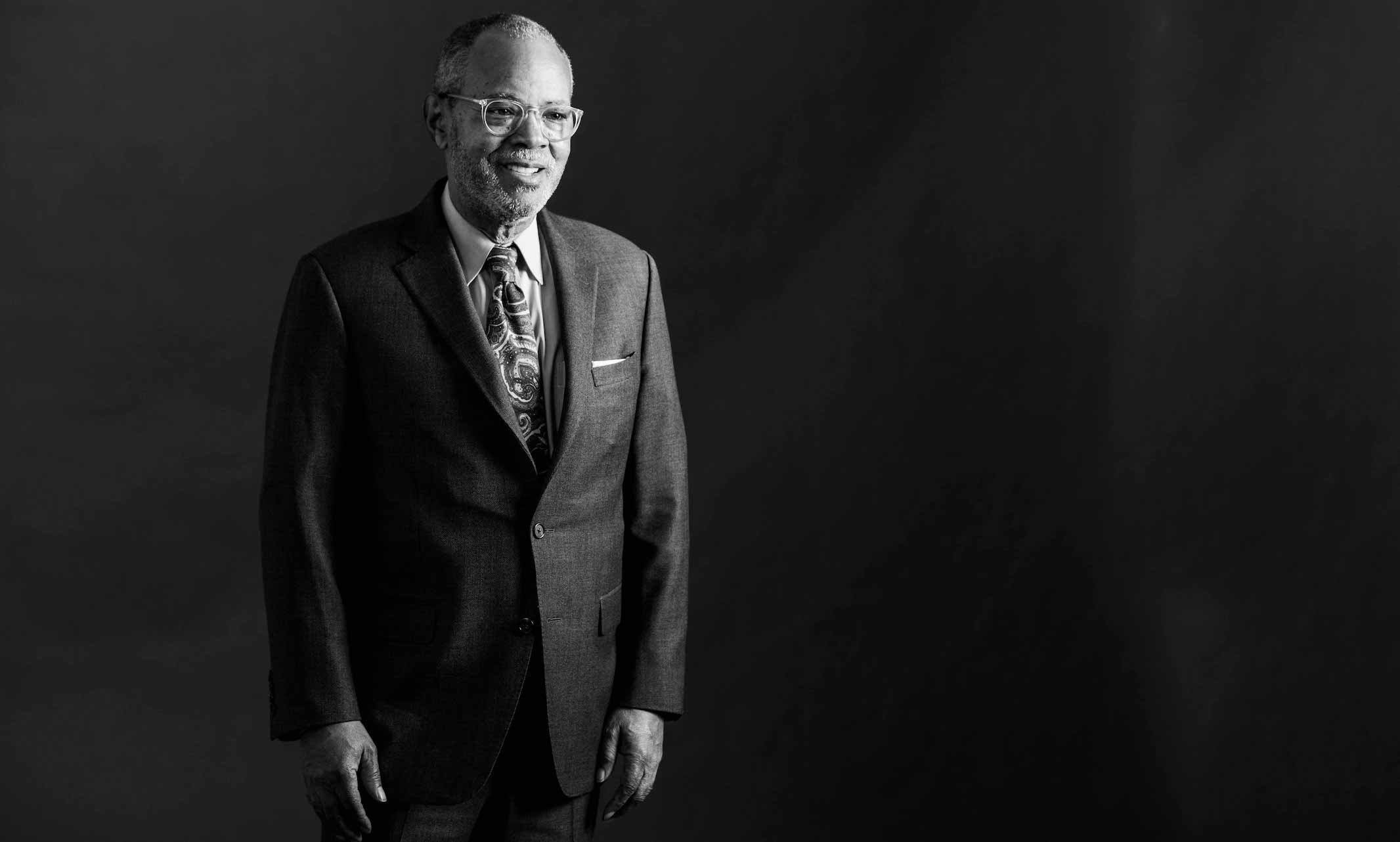
Alumni and students work toward a more ethnically inclusive and equitable future
The death of George Floyd at the hands of Minnesota police in May 2020 set off international protests and focused a spotlight on the Black Lives Matter movement. But for Black people and people of color, it was another reminder of the urgency and foundational change needed to reach racial equality in the United States — an issue so many UMKC alumni are working to address in their careers, communities, homes and day-to-day lives.
We spoke with School of Law alumnus Mark S. Bryant (J.D. ’74), who grew up during the civil rights movement and has spent much of his adult life fighting racism in government, nonprofit work and the private sector. His story sounded very much like the kind of work and activism our alumni and students are doing now — 50 years later.
Using Bryant’s experience as a guide, we’ve examined the parallels between then and now and how our UMKC family is making a difference in the lives of people of color.
Then and now
“The civil rights movement was led by religious and civic leaders and fueled with the energy of young people. The Black Lives Matter movement is led by young people.” — Mark S. Bryant (J.D. ’74)
Bryant was born into a segregated Kansas City and as a child was inspired by his parents. His mother was one of the first Black students admitted to the University of Kansas City (now UMKC) School of Education. His father was a dining car waiter on the Kansas City Southern Belle, “one of the best jobs a Black man could have," Bryant recalls.
When racial segregation was eased in 1959, Bryant's family was one of the first Black families to move south of 27th Street. At first, Bryant was surrounded by white people in his new school and neighborhood, but soon those teachers and students moved — his introduction to “white flight."
He remembers his father discussing politics at the kitchen table and being an early organizer of Freedom, Incorporated, a Kansas City organization that empowers African Americans in the political process. At the time, there were no Black people elected to public office. When Bryant’s father retired, he ran three times against the incumbent state representative for their district. His father never won, and a young Bryant witnessed the pain that it caused. Bryant resolved to get his law degree, enter politics and make his parents proud.
Today, Mahreen Ansari (’22) and Daniel Garcia-Roman (’21) are two UMKC students fighting for equal treatment of all individuals — continuing the work Bryant’s father began so many decades ago.
Mahreen Ansari
Ansari, a political science and international studies major with a pre-law emphasis, serves as president of the Student Government Association and communications director for the College Democrats of Missouri. She’s also a writer for the UMKC chapter of Her Campus, an online magazine for women in college, and a community organizer with the Sunrise Movement of Kansas City, a climate justice organization.
For Ansari, her interest in social justice was really sparked when she left high school, where she’d been surrounded by other BIPOC (Black, indigenous and people of color).
“I was lucky enough to have been somewhat sheltered by going to high school in a district mostly filled with other BIPOC,” she says. “But coming to a [predominantly white institution] I had to come face to face with a lot of things.”
Even in her earliest activism, Ansari saw a long road ahead to achieve lasting change in the realm of racial and social justice.
“It’s going to take a very conscious effort to undo those systems — possibly completely dismantling them — to stop and prevent further harm,” she says.
Daniel Garcia-Roman
Garcia-Roman is a studio art major with plans to earn a master's degree for art education and teach in the Kansas City, Missouri, School District. He is also an artist and volunteers with the Kansas/Missouri Dream Alliance, an organization that serves undocumented youth and encourages cultural exploration through visual arts at the Mattie Rhodes Center.
Garcia-Roman says his interest in activism started close to home.
“My older brother is a DACA [Deferred Action for Childhood Arrivals] recipient, and once he graduated from high school, I realized there are intentional policies in place that hinder his mobility in life,” Garcia-Roman says. “I reflected and found the forces that affected me and the people closest to me were social forces like misogyny, homophobia, xenophobia and racism. And that a small group of people can cause change through activism.”
Making a difference
“You could name and count them by hand … there were so few Black attorneys that I was a novelty.” — Mark S. Bryant
Just as he planned, Bryant became a lawyer and entered public service. After graduating from the UMKC School of Law in 1975, Bryant took a job as assistant public defender.
At the time, he says, he was one of very few Black lawyers in Kansas City. That unique role allowed him to participate in organizations like the Council on Education, Citizens Association, Committee for County Progress and Freedom, Incorporated, but it didn’t keep him from experiencing discrimination.
“Discrimination was most pronounced during encounters with law enforcement," he says. "It didn’t matter if I was driving, flying or boating. I had more encounters with law enforcement than my counterparts, and it was unpleasant."
Bryant served as a Kansas City, Missouri, City Council member from 1983 to 1991 and notably helped resolve decade-long litigation around the Bruce R. Watkins Roadway that had left Kansas City’s 5th district devasted by blight.
Today, Bryant is a land use and public law attorney at Rouse Frets White Goss Gentile Rhodes, P.C. He has also worked with Community Builders of Kansas City, a nonprofit that redevelops areas that lack essential services. With Bryant's help, the organization developed an ambulatory health-care facility, multi-family housing, office buildings and a retail shopping center in the vicinity of Blue Parkway and Cleveland Avenue, projects that, according to Bryant, “had a catalytic affect and transformed an area of Kansas City that was sorely in need of redevelopment.”
Sandra and Jerren Thornhill
Like Bryant, alumna Sandra Thornhill (B.A. ’13, M.P.A. ’17) has served her community in a myriad of ways since graduating from UMKC with both an undergraduate degree in sociology and a Master of Public Administration. She says her young son, Jerren, has been a major source of motivation for her advocacy and racial justice work.
Thornhill collaborates with Shirley’s Kitchen Cabinet, a Black women-led, nonpartisan, nonprofit organization dedicated to amplifying the voices of Black women. She also serves as a community liaison for birth justice advocacy with Uzazi Village, established to decrease maternal and infant health disparities found in the urban core, particularly among African-American women.
Recently, Thornhill worked to get the CROWN (Creating a Respectful and Open World for Natural Hair) Act passed in Kansas City, Missouri. Under the CROWN Act, Kansas City employers cannot implement appearance policies that prevent employees from wearing hairstyles or textures traditionally associated with race. This protects employees from being discriminated against for wearing their hair naturally or in styles such as twists or locs. Kansas City was only the second city in the nation to adopt the policy.
“The CROWN Act makes a huge difference for a couple of reasons: for pride as a Black person and as a measure of protection for the Black community," Thornhill says. "For a city to recognize its racist past and act to protect its most historically marginalized community — the Black community — this begins to allow one to shake the burden of internalized inferiority in exchange for pride in one's full essence of Blackness."
Since childhood, Thornhill has been keenly aware of societal white-washed standards of beauty, often rebelling against them through eccentric expressions of hair and style. Still, Thornhill wondered how her hair would dictate how people treated her at the office. For professional settings, she would sometimes style her hair to mimic white beauty standards.
“The dichotomy I faced was to either embrace my ancestral intuition of beauty, passed down by generations of Black women around me, or to subscribe to society's propaganda in order to climb the corporate ladder," she says.
Latrina Collins
Latrina Collins (B.S. ’93), a UMKC accounting graduate and former director of planning, program development and evaluation at the Full Employment Council, encourages employers to invest in diversity on an internal level, as well
“It is imperative that each company have staff dedicated to diversity, equity and inclusion,” she says. “It is not enough just to hire people of color, but companies must contribute to helping them succeed in terms of leadership development and working with each employee on a plan for success.”
Looking forward
“The color of my skin has, in many respects, defined my identity. The color of my skin determined where I could live, the schools I could attend, our family income, where I could go and what I could aspire to be. The color of my skin often defines a person’s first impression of me. When you are a person of color, it affects nearly every aspect of your life.” — Mark S. Bryant
Even with decades of time between them, Bryant, Ansari, Garcia-Roman, Thornhill and Collins have shared experiences based strictly on the color of their skin. While they are currently enacting change, they agree there is still much work to be done in bridging the equality gap.
“We have to evaluate and change the policies and practices that allow for people to be treated differently in all facets of life — in the workforce, education institutions, criminal justice system, government, health care and so on,” Collins says. “We have to be able to recognize when a system allows for racism, and we have to make those changes immediately.”
Despite the lengths still to go, a vast army of supporters, activists and allies — including many members of the UMKC community — is working to affect real change at every level, from grassroots movements to the highest levels of government.
“I think that through community organizing and legislation we can begin to try and end systemic racism,” Ansari says. “We need organizations that are built around people and their needs that can advocate for and design a better future for everyone.”
As with many movements, change starts on an individual level. Collins believes people should start their own journey with a bit of empathy.
“We have to recognize our own unconscious bias," she says. "You might not experience racism yourself, but step into the shoes of those who have experienced it and understand that it does exist."
Mar 11, 2021

Over the months of the pandemic, alumni and faculty in every corner of health care have responded and adapted with courage and continuing creativity.
When the pandemic hit, nearly every field was affected, from architecture to zoology. In the middle of it all were health -care workers, who faced immense changes while trying to do all they could to stop the spread of the disease and help victims survive and recover.
From clinics and classrooms to research labs and executive offices, our UMKC community has worked to stem the spread of a disease unlike any other in modern history. These Roos — along with countless other UMKC students, alumni, faculty, staff and friends — are making a difference in nursing, medicine, dentistry, pharmaceuticals, health system administration and health facilities engineering, just to name a few areas.
Meet the COVID fighters
Mark Chrisman (B.S. ’02 and M.S. ’07, School of Computing and Engineering; Ph.D. ’19, Interdisciplinary Studies)
Vice president and director of the health care practice at Henderson Engineers, a nationwide firm with 12 offices, including its headquarters in Lenexa, Kansas, and Kansas City, Missouri
Alexander Garza (B.S. ’90, School of Biological and Chemical Sciences)
Incident commander of the St. Louis Metropolitan Pandemic Task Force, chief community health officer of SSM Health system and former chief medical officer for the U.S. Department of Homeland Security
Gina Mullen (M.D. ’11, School of Medicine)
Emergency room physician at Dallas Veterans Administration Hospital and Baylor Medical Center at Uptown
Debra Pankau (M.S.N. ’96 and D.N.P. ’16, School of Nursing and Health Studies)
Clinical assistant professor at the School of Nursing and Health Studies and family nurse practitioner with Northwest Health Services
Janelle Sabo (Pharm.D. ’00, School of Pharmacy)
Global leader for Anti-COVID-19 Therapeutics Platform at Eli Lilly and Company
Ahmed Zarrough, D.D.S. (Faculty, School of Dentistry)
Clinical assistant professor, School of Dentistry, who fielded calls and managed emergency dental cases while the school’s clinics were closed to most patients.
A pandemic’s progression
Like many members of the community, at the beginning of the pandemic our UMKC COVID-19 fighters didn’t dream we’d be where we are today. Each of our alumni and faculty members shared with us how the pandemic has progressed for them and the challenges they’ve faced along the way.
Early 2020
Alexander Garza writes his first situation report on the virus for the 22-hospital SSM Health system. He begins running inventory on his hospital system’s supply of personal protection equipment (PPE).
Janelle Sabo gets a call from an Eli Lilly colleague in clinical research in Shanghai. “There's some sort of virus going around,” the researcher said, “and it's really impacting our ability to continue critical clinical trials in China.”
Gina Mullen says: “Volume [at the emergency room] was down, because I think people were scared to go to the ER." The atmosphere at her VA hospital changed “to like a ghost town.”
March
Many of Mark Chrisman's projects are put on hold, and his company assembles a task force to address the emerging pandemic.
Garza appears on MSNBC to discuss the uptick in COVID-19 cases in the Midwest.
Mullen’s husband, Jim, puts his law career on hold and heads to New York to help with the pandemic response, utilizing his prior training as an emergency room nurse. Mullen picks up night shifts at the VA to help out with the influx of patients.
Debra Pankau's classroom teaching shifts online and students’ clinical hours are put on hold. “When our nursing students couldn’t be in clinic anymore, or a classroom for that matter, we turned on a dime, didn’t miss a day,” she says.
Sabo is put in charge of the team managing data tracking for COVID-19 tests at Eli Lilly. “We turned one of our parking facilities into one of the largest drive-through testing operations in the country,” she says.
Ahmed Zarrough stops seeing all his patients as School of Dentistry clinics close except for the most urgent emergencies.
April–May
The St. Louis Metropolitan Pandemic Task Force is announced, with Garza giving press briefings six days a week for several weeks.
When Mullen’s husband returns to Dallas exhausted, he quarantines in a nearby hotel. “I think that was probably the hardest part,” she says. “Being so close but knowing he couldn't see us.” Afterward, they appear together on CNN’s Anderson Cooper 360 to discuss their experiences during the pandemic.
Zarrough and the rest of the Dental Clinic staff take turns fielding after-hours emergency calls, and since the clinic closed, now every call is “after hours.” Trips into the dental school become almost surreal, “different in almost every way. The school was empty, and I had to make sure security knew I was not an intruder.”
June–July
Chrisman’s local health care engineering projects begin to move forward with new considerations, like how to keep future viral patients separate from non-infected patients. “We presented different options to dozens of clients,” he says. “Can we convert a room to keep possible COVID patients isolated until we get them into a separate room? Can we convert a waiting room just for these people?”
Garza takes on a new title: chief community health officer at SSM Health. His initial sprint to replenish PPE supplies becomes a marathon. His task force begins working to advise school districts on how to reopen classrooms and whether to resume sports programs.
Mullen and her colleagues battle a surge in coronavirus cases in the Dallas area. She helps her COVID patients connect with loved ones by using her own phone to FaceTime their families.
Pankau routinely fields more than 25 daily lab calls about positive COVID-19 tests. She finds herself personally ensuring her infected patients have groceries and medications while isolating.
Sabo begins leading Eli Lilly’s research on drugs to help people recover from COVID-19 or prevent it from developing.
September and beyond
Chrisman and his team continue to pivot their health care engineering projects as the pandemic shows no signs of letting up. “In 2015 with Ebola, health systems often considered changes but didn’t follow through,” he says. “This time I think we will make improvements and be better prepared if this isn’t the last pandemic we see.”
Garza and the St. Louis task force shift focus to planning for how to get the whole region vaccinated efficiently once a vaccine is available, whether that vaccine comes in a matter of weeks, months or even years. As a veteran, Garza reflects that “the similarities between war and a pandemic are eerie.”
A new policy provides some relief to both Mullen and her patients: Each patient is allowed one loved one or family member in their room. “I know that I’m going to be dealing with emergencies all day,” she says. “But as I tell all my patients, I know that 90% of them had no idea they were going to end up in an emergency room, so I do whatever I can to help them and reassure them.”
Pankau reflects on how the pandemic has changed both her and her field, likely forever. “COVID is a horrible thing, but I think many good things will come of this and already have,” she says. “Our online teaching and testing have improved, and telehealth isn't going to go away, especially as a way to improve rural services.”
Despite the increased stakes and urgency the pandemic brought to her work, Sabo feels grateful for the way her company and many others have responded. “One of the things I have appreciated the most is that [Eli] Lilly was willing to think about this pandemic in a super multifaceted way,” she says. “I’ve been fortunate to be involved in so many of these efforts.”
As fall classes begin, Zarrough begins to see a new silver lining to the pandemic: the slower pace it requires. “Seeing half as many patients gives us as instructors more time to spend with the students and explain things one on one and demonstrate. What we lose in quantity I think we can make up by improving the quality of the students’ learning experience.”
Mar 11, 2021
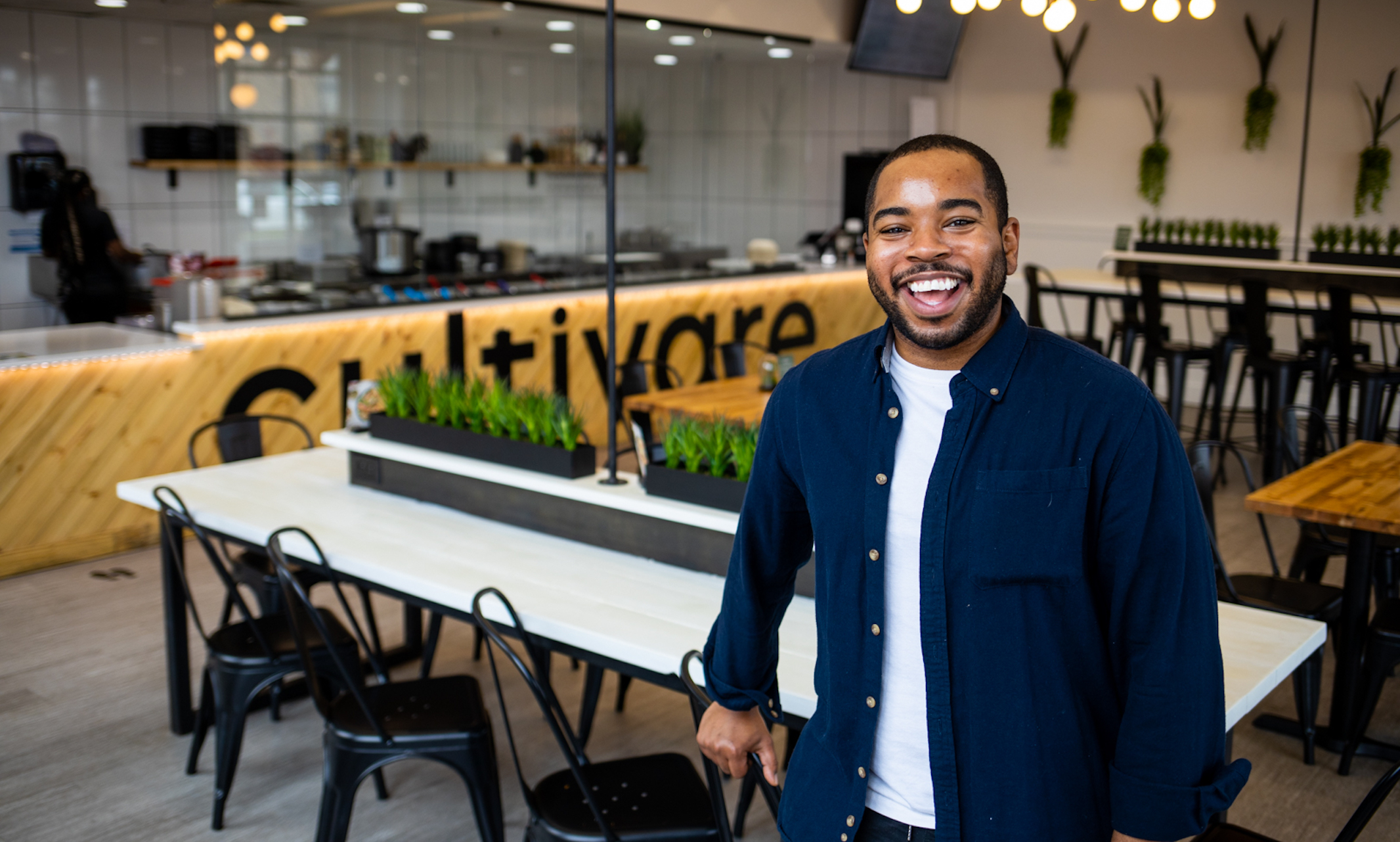
Ingenuity and flexibility are key for food and event service businesses
to survive the pandemic
While all businesses have been deeply affected by the COVID-19 pandemic, restaurants, bars and their suppliers face the challenge of simultaneously staying afloat financially, keeping people safe and trying to provide their customers the quality and experience that makes dining out or carrying out both respite and an everyday celebration.
We spoke to three of the many UMKC alumni working to keep their businesses afloat about the innovations that have kept them in the game.
Kasim Hardaway (B.S. ’15, Arts and Sciences)
Kansas City food influencer and recipe developer Head of research and development, Cultivare restaurant
What was life like for you during the COVID-19 shutdown?
The shutdown was indescribable for my professional life. Prior to the onset of COVID-19, I was seeing a sharp upward trajectory across all of my businesses. I was crushing goals, expanding my client base and even starting new ventures. Immediately upon the shutdown, however, all of that came to an abrupt (and scary) end. I lost over 80% of my contracts and work dried up in a snap.
How have you pivoted during the pandemic to continue to serve customers?
Pivoting during the shutdown was really grounded in being gritty and getting back to basics. I tapped into my network, doubling down on that hustle mentality and extending myself across all my service areas. I put all of my skills to use — collaborating with brands on recipe development, pivoting my food photography to resound with people being at home and offering marketing consulting based on client revenue growth.
I’ve always considered myself a jack of all trades. Being able to tap into one service area that was seeing growth and halting on another that wasn’t gaining traction allowed me to remain flexible but in demand in my sphere of business.
How do you see your restaurant/bar being different in the future because of the pandemic?
With restaurant owners already juggling so much, it is quite a daunting task. While I would love to be optimistic about the reality of the situation, my heart goes out to each and every small, locally-owned concept for the months that lie ahead of us.
Steve Revare (M.A. ’15, Arts and Sciences)
Co-founder, Tom’s Town Distilling Co. in Kansas City, Missouri
What was life like for you during the COVID-19 shutdown?
The early days of the pandemic were chaotic. I’m sure I wasn’t the only one who spent entire nights staring at the ceiling. At that point no one knew much about how people transmitted the virus, so we just did what we thought we should do and shut down. It was the day before the city required businesses to close.
How have you pivoted during the pandemic to continue to serve customers?
Like distilleries across the country, we were able to make hand sanitizer. We donated over a thousand gallons to first responders, prisons and charities across the country and sold enough to keep the lights on until we were able to open back up in June. We were also able to offer four to-go cocktails that highlight our spirits.
When we did open back up, we opened outside. We put up tents, rugs, lounge furniture, and actually put together an amazing atmosphere in our parking lot. We were able to fire up some pre-pandemic partnerships with live entertainment. Thankfully, the feedback has been amazing from day one.
How do you see your restaurant/bar being different in the future because of the pandemic?
We're planning more partnerships with local restaurants. They are serving our spirits in cocktails to go and in cocktail kits, like the Jack Stack Bloody Mary kit. That's some of the good that I hope comes out of this pandemic: Local companies supporting other local companies.
One thing the pandemic has taught me: Even as the world appears to melt down around people, they still like to drink! Our sales at liquor stores have actually increased over last year.
Maria Finn (B.A. ’91, Arts and Sciences)
Writer and chef in the San Francisco Bay area
What was life like for you during the COVID-19 shutdown?
When the shutdown hit, I was chef-in-resident at Stochastic Labs, a residency and incubator for artists, scientists and tech engineers in Berkeley, California, along with writing freelance and crewing on a sailboat. I really enjoyed these jobs, which all ended at the shutdown.
How have you pivoted during the pandemic to continue to serve customers?
I began a meal delivery service for our local community that had a “No Neighbor Left Behind” program with a friend who is a chef. People could donate to buy meals for those who needed it. We had a lot of seniors who couldn’t leave their homes, a single mother getting cancer treatments and others who we were able to provide meals for. We were also able to support local farmers and fishermen during this time, which made me aware of how vital it is to have a resilient local food system.
How do you see your restaurant/bar being different in the future because of the pandemic?
I think we are going to see a lot of creativity when this pandemic lifts. Restaurant people are by nature creative — In 2008, when the economy crashed, what emerged were pop-up food events and food trucks. The overhead is so high in the current restaurant model, and eating out can be prohibitively expensive. The landlords seem to be the only ones doing well with the current model. Emerging restaurants will have lower overhead and more interaction and engagement by the customers.
I also do private dinners in people’s homes, and clients have been setting up small tables outside. We have one person serving so only they touch the utensils, and we all wear masks and gloves. Many people haven’t hired a private chef before and say they really prefer it to going to a restaurant.
Mar 11, 2021
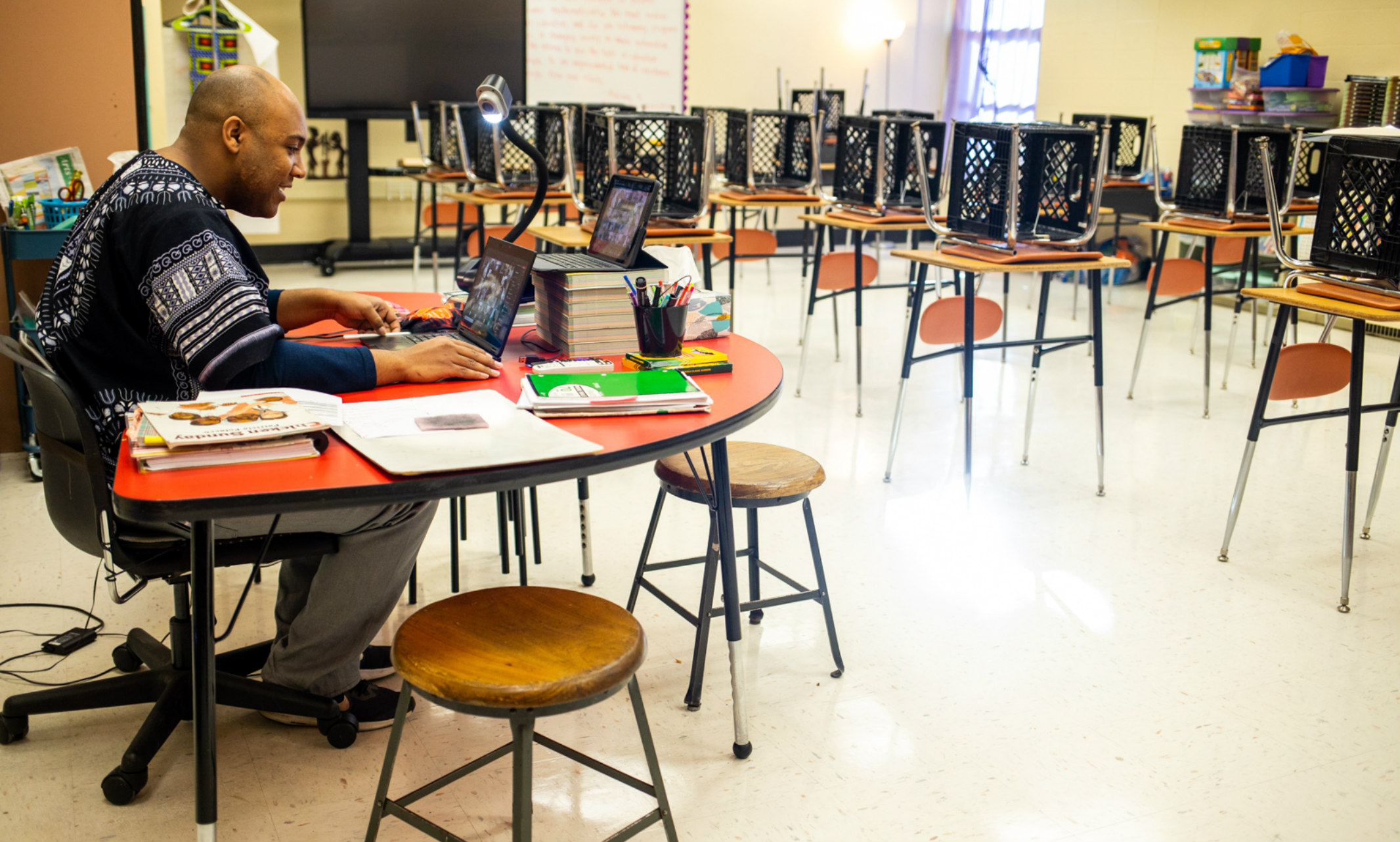
How teachers and students are adjusting to a very new normal
The COVID-19 pandemic interrupted life as we knew it, caused the world to collectively pause and, eventually, shift to a new normal.
Its specific effects, however, are not universal. It has caused varying challenges for people of all generations, social classes and walks of life, especially teachers and children as the shift to online learning brought to light a new set of challenges — and opportunities.
We spoke to two of UMKC’s many alumni working to juggle different teaching formats, student needs, technology requirements and more in their classrooms about what the experience has been like — both for them and for their students.
Adapting to the new normal
For School of Education alumni Marquis Hall (B.A.’16; M.A. ’19) and Deborah Siebern-Dennis (B.A. ’05), the pandemic has created very different realities for their classrooms.
Hall teaches at African-Centered College Preparatory Academy, which uses African-based projects to provide a unique cultural education to students in Pre-Kindergarten through 8th grade. Located in the heart of the Kansas City, Missouri School District, the academy was 100% online in Fall 2020 due to COVID-19.
Though it’s been difficult for Hall’s students to be separated from their friends and in-person help, he says they’re staying resilient.
“They can do anything,” Hall says. “They grew up using technology, so some of these kids can use it better than their teachers!”
Siebern-Dennis is a 7th grade science teacher at Bode Middle School in St. Joseph, Missouri, outside Kansas City’s urban core. As of late 2020, her classroom was in a hybrid model, meaning that in any given class period, she was teaching half of her students in person, with the other half tuning in online via Zoom.
“The biggest struggle has been to try to find a balance between giving my in-class students the attention they need while also providing my online students the same amount of attention during the same class period,” Siebern-Dennis says. “We are basically running two classrooms at the same time, and I just worry that my students are falling behind.”
Deborah Siebern-Dennis (B.A. ’05) is a 7th grade science teacher at Bode Middle School in St. Joseph, Missouri, outside Kansas City’s urban core. As of late 2020, her classroom was in a hybrid model, meaning that in any given class period, she was teaching half of her students in person, with the other half tuning in online via Zoom.
Virtual learning for every student
Both Siebern-Dennis and Hall agree that a difficult situation becomes even harder when students are facing challenges from food insecurity to access to technology. School districts spent the weeks leading up to the Fall 2020 school year racing to source laptops and internet hotspots to families in need.
Yet, for both alumni, it helps that the parent-teacher partnership is better than ever, allowing them to find innovative ways to reach students — whether they’re at home or in the classroom.
“We are in such an educational unknown right now that I feel the best way to support our students and families is to make the best out of our 'new normal' and remain as positive as possible,” Siebern-Dennis says.
“One thing I’ve learned is that you can’t take an in-person classroom and expect it to work online,” Hall says. “We have the opportunity to get creative in the way we teach.”
He’s reinvited his classroom structure and found various ways to incorporate much-needed interaction through morning breakfast, small groups and YouTube videos related to the lesson.
Heavily reliant on video creation for science labs, Siebern-Dennis spent the beginning of the school year pre-recording demonstrations and encouraging students to make predictions on what would happen next. Now that her school has shifted to a hybrid model, though, she’s re-strategizing how to engage both online and classroom students in lab activities.
Where we go from here
So after quite an interesting year, what do our alumni educators hope for the future of education?
“I’m hoping we can give our students more flexibility and grace,” says Hall. “In elementary school, we’re way too tied to standards and outcomes. Moving students academically is the goal, but we’ve learned that there’s so much more we need to be doing for them. We need to make sure we’re meeting the whole child.”
“Ideally, I want my kids (in person) every day! But I’ve seen that there are kids who learn better virtually,” Siebern-Dennis says. “The more options we have, the more we can help them in the way that they learn best.”
Mar 11, 2021
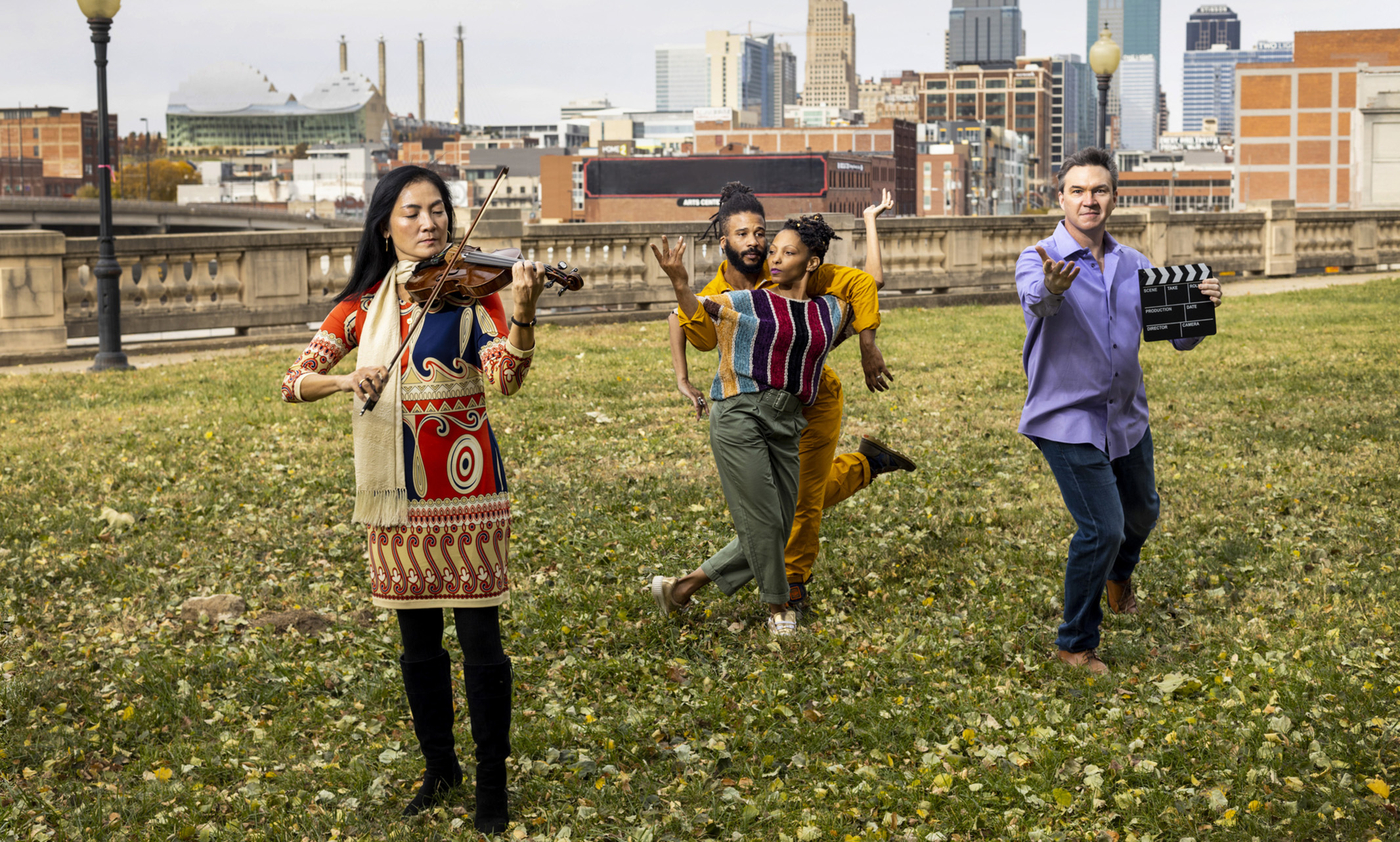
Performing arts alumni find new ways to reach audiences during pandemic shutdowns
It was the perfect Saturday afternoon in September. The sun was shining and the weather was still fine for short sleeves. Violinist and Conservatory alumna Elizabeth Suh Lane (B.M.) and her fellow musicians assembled under the shade of nearby trees to perform a community concert of chamber music ranging from Bach to Piazzolla.
A small but inspired crowd, socially distanced and masked as necessary, spread out to enjoy the free, nearly hour-long performance at Southmoreland Park near Kansas City’s iconic The Nelson-Atkins Museum of Art.
COVID-19 may have changed how things are done in the performing arts world, but Suh Lane is just one of many UMKC alumni finding new ways to bring their artistry to audiences.
“It has not stopped us,” says Suh Lane, founder and artistic director of the Bach Aria Soloists, which is hosting regular performances in a variety of live and online formats. “We are still performing. ... We’ve just pivoted the way we’re doing it.”
“We are seeing a significant increase in performance videos online to keep audiences connected. ... But it doesn’t replace the income needed for organizations to survive. We have to remember to support them through this time.” – Jane Chu (Honorary Doctorate ’10), advisor on the arts for PBS and former chair of the National Endowment for the Arts
Conservatory alumni Winston Dynamite Brown (B.F.A. ’04) and his wife Latra Ann Wilson (B.F.A. ’05) started a dance company in New York City — TheDynamitExperience — in 2018. Like many dance companies, when COVID struck Brown and Wilson had to close the doors. They moved back to Kansas City and spent the summer collaborating with other organizations.
“If there is a silver lining in this remote creativity, it’s that we’re able to branch out and reach a demographic that we wouldn’t have access to before,” Brown says. “We’re taking it outside to continue working and recording it. We’re just trying to survive this the best we can.”
UMKC theatre graduate Miles McMahon (M.F.A. ’96) has also adjusted to continue practicing his craft. The founder and instructor of Kansas City children’s theater company Theatre of the Imagination, McMahon not only took his instruction online, but performed socially distanced drama shows for other camps, many of which included the children of first responders.
“I’m an actor with a job during a pandemic,” McMahon says. “It really is about adaptation and I'm learning every day.”
That’s the key, says Suh Lane, whose ensemble had been invited to perform in Lincoln, Nebraska, in early 2020. When the pandemic hit, concert organizers asked if they would perform a virtual concert. Suh Lane agreed enthusiastically.
“Our musicians feel blessed that we can continue like this and do it safely,” Suh Lane says. “We're still offering live music, and people can be a part of it.”
Brown was recently commissioned to work with Adelphi University in New York on a six to seven-week dance project. Most of the work will take place remotely from Kansas City, but he’ll also be able to have two of his dancers assist him.
“This is a way for me to continue to create and to help them financially. It’s a way to help my creative community,” he says.
McMahon and his students are staying positive as well. Using cell phone cameras, the students created their own silly commercials and short, scripted productions. They’ve become such a hit that Nickelodeon called asking his students for virtual auditions. An internet production company in Australia even purchased one of their scripts.
"We sold it for $25, so every kid in that class got $2.50. They were so excited,” McMahon says. “Often, times of great adversity produce great art. And so here we are, the Kansas City theater community, doing our best to keep the performing arts alive during this challenging time.”
Mar 11, 2021
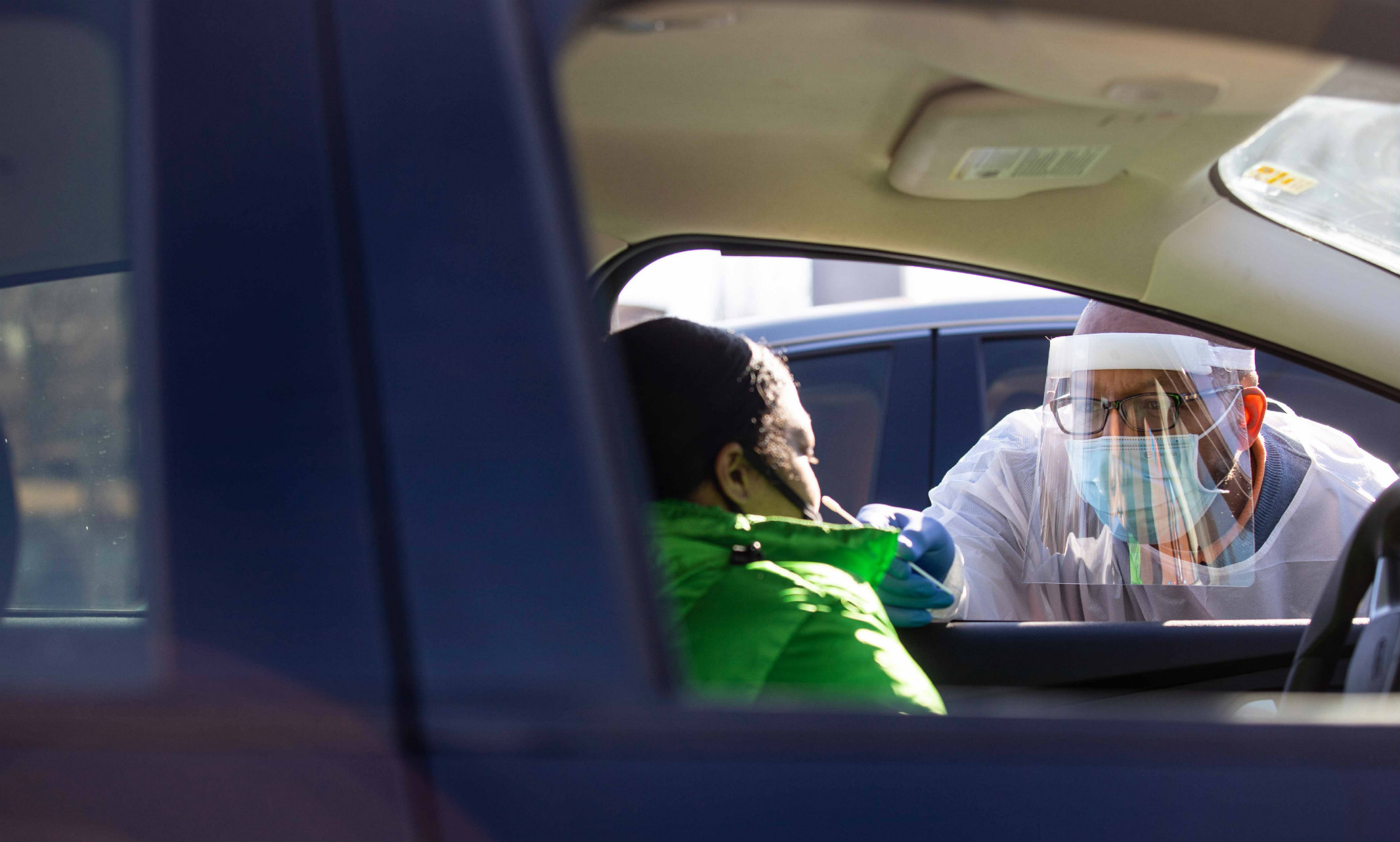
To Obie Austin, they’re both a call to service
In years to come, when you think back on 2020, what moments will stand out?
Perhaps you will remember watching the news, as stories about the coronavirus pandemic increased in volume and severity. Maybe you were sent home from work, or you had to help your children navigate online learning. You might have waited in long lines at the grocery store as people stocked up on toilet paper. Or maybe you got the call that a loved one had fallen ill or even died.
Obie Austin (M.S.N. ’99), School of Nursing and Health Studies graduate and director of UMKC Student Health and Wellness, knows one moment he’ll never forget.
It was late March. Mayor Quinton Lucas had just announced a stay-at-home order for Kansas City, Missouri, closing non-essential businesses and requiring many Kansas Citians to restrict their movement to essential activities like grocery shopping or medical care.
As he often does in times of stress or uncertainty, Austin started walking.
He walked for nearly three hours, crisscrossing downtown Kansas City. On a sunny, Saturday afternoon — the third day of spring — he saw only three people. Those he did see seemed fearful, like they “didn’t want to breathe the same air” as him.
The stay-at-home order didn’t take effect for several days. It didn’t matter
“It was an eerie, catastrophic feeling,” he says. “To be in an area that’s the bustling pride of the city, and it was shut down.”
It was just one moment in a year that, to Austin, felt increasingly like a science fiction movie.
“We are in a war for the health of our world. It’s a call to service.” – Obie Austin
The starting bell
Early in the pandemic, Austin couldn’t help but think of the H1N1 pandemic that came to the United States nearly a decade earlier, in the spring of 2009. Very quickly, though, he realized the coronavirus was going to be a wildly different experience.
“To me, (H1N1) never became scary,” he says. “This (pandemic) became scary very quickly. I felt like we were living in something we’d only ever read about.”
While the virus spread rapidly through places like New York, Texas and California, Austin could often be found in his office reading. He spent countless hours on the CDC website, trying to stay on top of a virus that is, by its nature, nearly impossible to stay on top of.
In early February, Austin dealt with his first real pandemic crisis: determining how to support a UMKC student who had recently been in China. Did they need to quarantine? If so, where? How would they get access to basic supplies like food, toiletries and internet?
Hours of research, dozens of conversations and a myriad of logistics — all for one student. One quarantine plan. Though the student never developed symptoms, as Austin puts it, “that (first) weekend went on forever.”
“That’s the moment that it clicked for me — this is the beginning,” he says. “And it was just a race from that point on.”
Once the virus reached the Kansas City area, Austin and his team played an even more integral role in the university’s pandemic response efforts. Their work became all hands on deck, pulling in faculty, staff and even students across campus to help track cases and support students who were infected and exposed.
“Things were changing every day ... It was just a whirlwind,” Austin says. “We just thought, ‘This can’t go on forever … I don’t know how we keep this pace going.’ That was a year ago.”
Then, the Navy called. They wanted Austin — a combat veteran who served in both the Navy and Army — on the front lines in New York.
Immediately, he began preparing his family, his staff and the UMKC COVID-19 task force for the possibility that he would be deployed. He didn’t know when he’d be called up — in a few days, a few weeks or perhaps not at all — adding uncertainty to an already stressful situation.
“Everything in me wanted to go,” Austin says, but his obligations at work and at home were also top of mind. “My wife was very scared of me going to New York, and she’s lived through me going away to a combat zone,” he says. “I felt this overwhelming sense of responsibility and guilt at the same time.”
In the end, Austin was never deployed. While it was hard to watch fellow health-care workers struggling on the front lines, Austin didn’t yet realize how much he would be needed at home, both personally and professionally.
A sprint becomes a marathon
As spring turned to summer, it became clear that the pandemic was getting worse, not better. Austin and his team worked around the clock to track cases and support students who needed to quarantine. On team calls, he began to notice the fatigue on his colleagues’ faces.
Meanwhile, like everyone else, Austin was feeling the pandemic’s effects in his personal life. He watched as, one by one, his daughter’s high school activities were canceled. Visits to his mother changed drastically, reduced to a masked exchange of groceries and supplies outside her apartment.
Outrage following the police killing of George Floyd added to the feeling of unrest. Across the country, people engaged in protests against Floyd’s killing and systemic racism. Blocks from Austin’s office, protesters and police engaged in a nightly standoff, tear gas wafting over a scene that Kansas Citians were more used to seeing in historical documentaries than in their own local newscasts.
To Austin, it all seemed to be building to some sort of unknown pressure point.
“It’s like the year that just kept giving,” Austin says. “Actually, I’m going to say it was the year that just kept taking — it wasn’t giving anything.”
Even 30 years in health care and multiple military deployments couldn't fully prepare him for the experience. And as a former critical-care nurse, he can only imagine what fellow health-care workers on the front lines are going through.
“I’ve worked in environments where people die a lot. I understand the toll that even one death can have,” he says. “So imagining all these folks trying to keep people alive and them still dying… I can understand the helplessness and the hopelessness in it.”
When asked how battling a pandemic compares with facing actual battles during his military deployments, Austin cites one major similarity: In both the pandemic and military combat, people die without their families holding their hands.
“I hope we gain more respect for relationships and the importance of the lives of others…I think we’ll be better. We always are.” – Obie Austin
The final push
Despite the collective trauma and fatigue caused by the pandemic, Austin says there is still much room for hope. At the time of this interview at the beginning of 2021, millions of doses of COVID-19 vaccines were headed to communities across the country. Some of his staff had already been vaccinated, and he planned to get the shot in the coming weeks.
To Austin, getting vaccinated is much more than a simple health decision — it’s a natural extension of the military and medical oaths he’s taken.
“We are in a war for the health of our world,” he says. “For me, getting the vaccination is a call to service because I feel like I have a duty to make sure this pandemic gets under control.”
Though the road to recovery will be long, Austin doesn’t discount the good things that have arisen out of this experience. He’s watched students support their peers who’ve come down with COVID-19. He’s witnessed the outpouring of support for health-care and other essential workers. He’s been able to spend more time with his daughter.
When COVID-19 is finally in the rearview, he hopes it will have taught us to take better care of each other.
“I hope we gain more respect for relationships and the importance of the lives of others,” he says. “I think we’ll be better. We always are.”
Mar 11, 2021

Student composition featured in film festivals
Our ongoing story starts with people from around the world, converging here at UMKC. Get to know our people and you’ll know what UMKC is all about.
Kwan Leung LingAnticipated graduation: 2021Academic program: Master of Music CompositionHometown: Hong Kong, S.A.R.
Kwan Leung Ling, is a composer and performer who is exploring the similarity between contemporary Western music and traditional Asiatic music.
Ling completed his undergraduate work in California, but applied to UMKC to pursue his master’s degree in music composition. He was the first recipient of the James. A. Rothwell Scholarship at the UMKC Conservatory, which he’s received for the past two years.
“Studying at UMKC is a dream for most composers around the world,” Ling says. “We have a world-class composition faculty team.”
Ling says his scholarship has led to unexpected opportunities.
“This scholarship attracted even more attention in the sound design world, and gave me an opportunity to research and apply that knowledge into my current projects,” Ling says. “I am inserting more sound design ideas into my collaborations with artists in different art fields. I believe that this will be the best way of giving back to this honorable scholarship.”
"Studying at UMKC is a dream for most composers around the world. We have a world-class composition faculty team.” - Kwan Leung Ling
Ling came from a traditional music background in Hong Kong. During his first year in the United States, he immersed himself in Western music.
“As a traditional Chinese music instrument performer, I had very little sense of Western music styles,” Ling says. “When I came to the United States, I had two, two-hour commutes. For four hours a day, I immersed myself in Western music. I think that acclimated me to a whole new world of composition.”
Ling says the experience of studying at UMKC has helped him to put his talents to the best use.
“UMKC is such a warm family for their students,” Ling says. “I get inspired every day by talking with professors and classmates. People at UMKC are very respectful of each other's artworks and giving professional feedback. As a composer and performer, I think this is the best way to learn.”
In addition to his solo and duet recordings, Ling has completed two film scores, including the most recent, “24,” an animated film that explores the experience of a man raised in two different cultures. “24” was selected for the Animation Chico Film Festival in California and the Video Art & Experimental Film Festival in New York City last November. The film will screen on March 20 - March 30, 2021 in CINEJOY Virtual Fest.
Mar 10, 2021
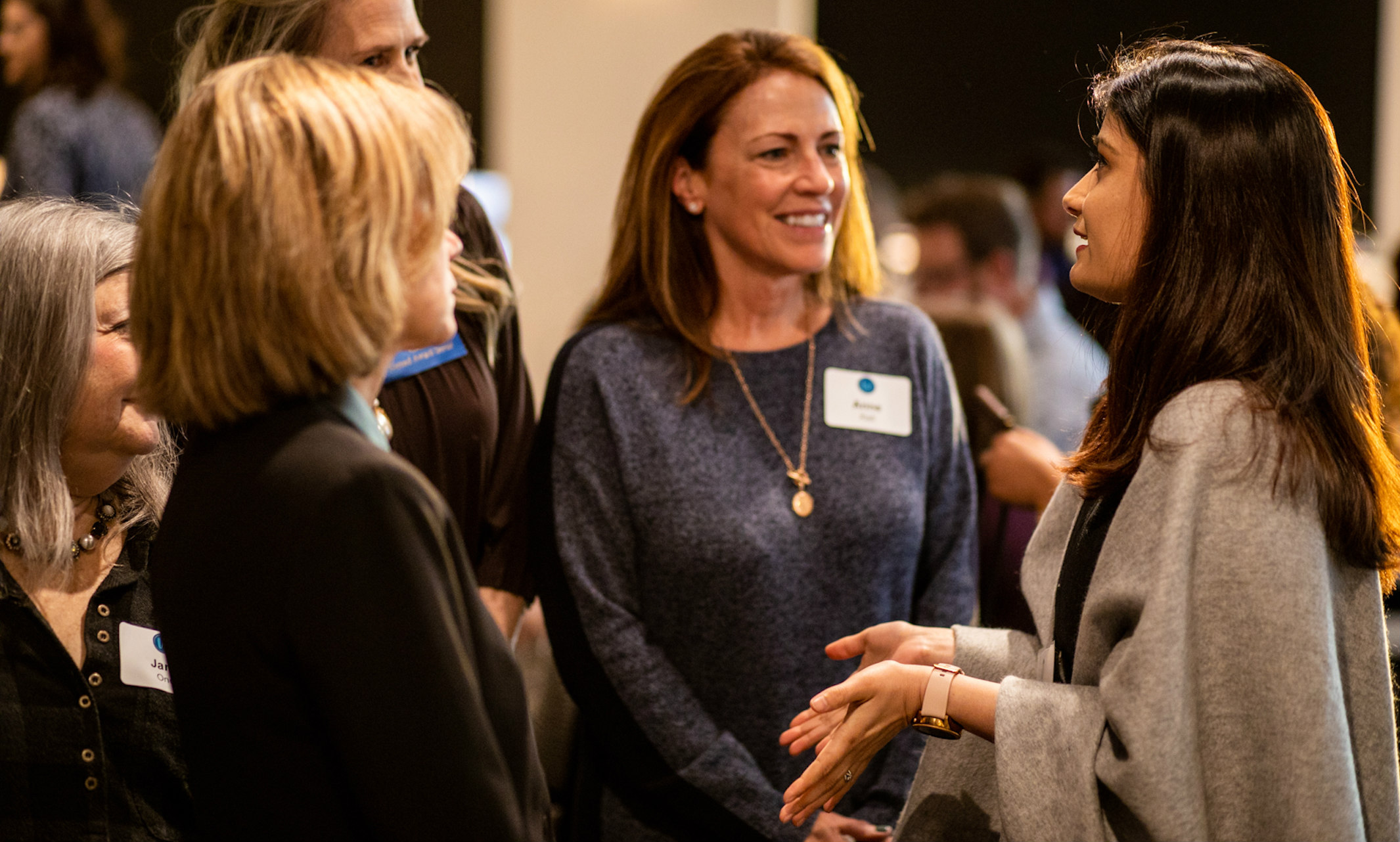
More than 2,000 women have received fellowships totaling more than $2 million
Amiben Ladhawala has been a teacher for 20 years and is working toward her doctorate degree in education. Funding through the UMKC Women’s Council Graduate Assistance Fund will enable Ladhawala to expand her research on how students’ experiences with trauma affect their behavior and ability to learn and the impact it has on teachers.
Lawhawala’s two decades of teaching have given her both experience and insight into the effects of trauma on students.
“When I was working as a special education teacher in an elementary school, I had so many incidents of students who had experienced trauma,” she says. “I worked hard to be a good teacher, but I didn’t know how to help these students.”
Lawhawala wanted to find resources that might help students who experienced trauma and their teachers.
“It was almost secondary trauma,” she says. “I would go home thinking about these students, how to help them, resources that might be available. I talked to other teachers, but I just felt helpless.”
She understands why some teachers may see these students as acting out or indifferent to learning. But she thinks that most teachers want to do a good job and most want to reach those students and help. Lawhawala received an award through the UMKC Women’s Council Graduate Assistance Fund that will allow her to continue her research and potentially improve the classroom experience of children who have experienced trauma and their teachers.
Since its inception in 1971, the UMKC Women’s Council has assisted more than 2,200 women by providing more than $2 million in graduate fellowships. This year, the council awarded more than $95,000 to 70 students.
“The UMKC Women’s Council are women supporting women!” Debbie Brooks (JD ’01), president of the council says. “We are proud of our students who remained undaunted by the Covid-19 pandemic and gracefully used their creativity to advance their research. These women did not allow the global disruption to negatively impact their studies.”
“The UMKC Women’s Council are women supporting women!” - Debbie Brooks, president of the UMKC Women’s Council
Brooks is a former GAF recipient and notes that many of the challenges she faced 20 years ago still exist today.
“We are still a patriarchal society. It can be difficult to complete your dream while you have a family. Many of our women students still have primary responsibility for child care. They are expected to be excellent partners, mothers, employees and students.”
The UMKC Women’s Council will celebrate half a century of supporting women in graduate studies and the 2021 awardees and their academic achievements with a virtual reception on March 11.
Established in 1971, the UMKC Women’s Council Graduate Assistance Fund fellowships support UMKC women working toward post-baccalaureate degrees with up to $2,000 in funds that furthers their completion of graduation requirements and enriches their educational experiences.
Mar 08, 2021
KSHB lists UMKC Pharmacy site for vaccinations
The UMKC School of Pharmacy in Kansas City will receive the vaccine. Read more and watch the newscast.
Mar 06, 2021
UMKC Forward highlighted in Kansas City Business Journal guest column
This guest column by Ramon Murguia is focused on UMKC Forward. Read the full article. Subscription required.
Mar 04, 2021
Kansas City Star highlights Jannette Berkley-Patton
The Kansas City Star’s special section, On the Vine, will focus on Women’s History Month in March. In the March 4 edition, The Star included a previous story about Jannette Berkley-Patton, a professor in the School of Medicine at the University of Missouri-Kansas City, about her work and research on the role of Black churches in keeping communities healthy. Read more from The Star. (subscription required) The Missouri Independent and The St. Louis American ran similar stories.
Mar 04, 2021
The Beacon looks at higher education employees and where they rank on states’ vaccine priority schedules
This story is about the goal for universities in Kansas and Missouri professors to offer in-person classes, but higher education employees are low on states’ vaccine priority schedules. The reporter interviewed faculty at multiple universities, including Tom Mardikes, a theater professor at UMKC and chair of the UMKC faculty senate. Mardikes said he thinks UMKC has done a good job of keeping students and teachers safe with protective and sanitizing equipment and distancing measures. In one class, he teaches 25 students in a room designed for 150. Read the full article.
Mar 03, 2021
Two national media outlets report on research conducted by UMKC professor
Carole McArthur, a professor of oral and craniofacial sciences at the University of Missouri-Kansas City and director of residency research in pathology at the Truman Medical Center, said every new HIV discovery is “another piece in the evolutionary jigsaw puzzle.” Yahoo News and Fox News.
Mar 03, 2021
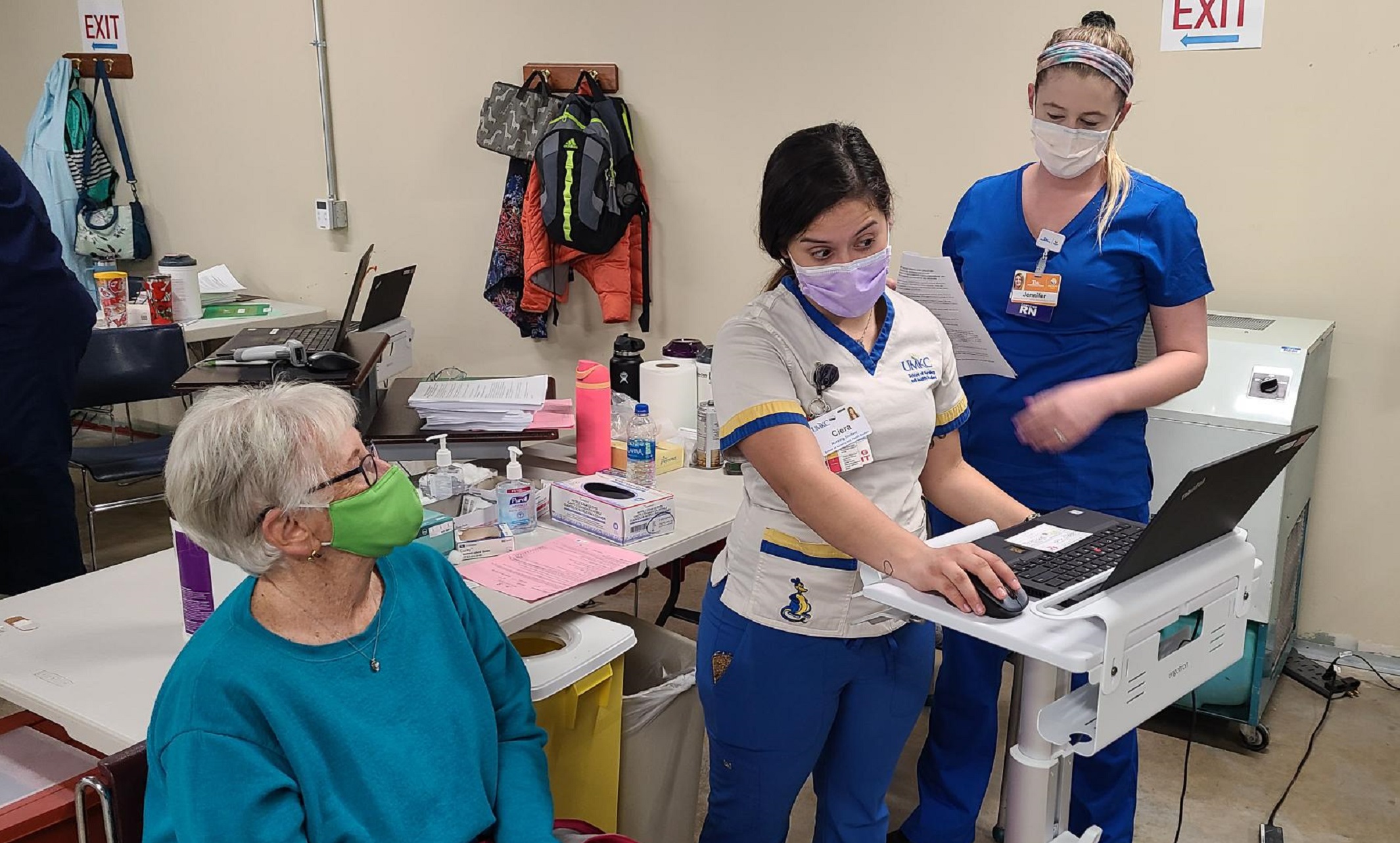
More than 200 are lending much-needed help to efforts around the Kansas City area
When Sally Ellis Fletcher went to get the COVID-19 vaccine, she recognized some of the people administering the shots as students from the UMKC School of Nursing and Health Studies, where Fletcher is the associate dean for students.
And when it was her turn, Ellis Fletcher was happy that a UMKC nursing student was giving her the vaccine.
“This is a powerful point in our history, and these students have a historic role,” Ellis Fletcher said. “Thirty or 50 years from now, when people ask, they will be able to say they were a part of this.”
Ellis Fletcher, who got her vaccine doses at Truman Medical Center in the Health Sciences District, is just one of the hundreds whose inoculations will have been possible in part because of UMKC nursing students.
James Spence, director of the bachelor of science in nursing program, said the school’s roughly 225 BSN students all would contribute to the vaccination efforts at some time.
“Thirty or 50 years from now, when people ask, they will be able to say they were a part of this.”
— Sally Ellis Fletcher, associate dean for students
“Whether it’s with paperwork, parking or actually giving the vaccinations, every one of our students will help,” said Spence. “As the vaccinations ramp up, sites need the extra hands. Our students get course credit and valuable experience in the field, practicing some of the fundamentals. It’s a win for everybody.”
Besides the TMC facility near the school, students help at TMC’s Lakewood location and at North Kansas City Hospital. About 15 students with the volunteer Medical Reserve Corps have worked all over the metropolitan area, Spence said, and a TMC outreach group has had students help at churches, YMCA’s and other Kansas City locations.
Ellis Fletcher added, “This is the first time for these vaccines, and for any vaccines with this type of chemical structure. For our students to be part of such an effort, and during a pandemic, has taken a whole network of faculty and staff, along with the hospitals and other partners. Our students are making a real difference.”
Mar 01, 2021
KCUR interviewed UMKC professor about Kansas City's recent cold snap
Fengpeng Sun, assistant professor in the UMKC Department of Earth and Environmental Sciences, was a guest on Up to Date.
Mar 01, 2021
Kansas City Star features Jannette Berkley-Patton's community work
Jannette Berkley-Patton, a professor in the School of Medicine at the University of Missouri-Kansas City, knew this new virus would pummel a population struggling with persistently high rates of heart disease, diabetes and other chronic illnesses. Read the article. (subscription required)
Feb 28, 2021
She takes over after serving as interim general manager for the last 15 months.
Sarah Morris has been at UMKC since 2004. She takes over as KCUR’s and Classical KC’s general manager after serving as interim general manager for the last 15 months. Read more.
Feb 26, 2021
MSN interviews professor of pediatrics
Panel member Jay Portnoy, professor of pediatrics at the University of Missouri-Kansas City School of Medicine, said the race was on to stop the pandemic before new virus variants cause further disease. Read more.
Feb 26, 2021
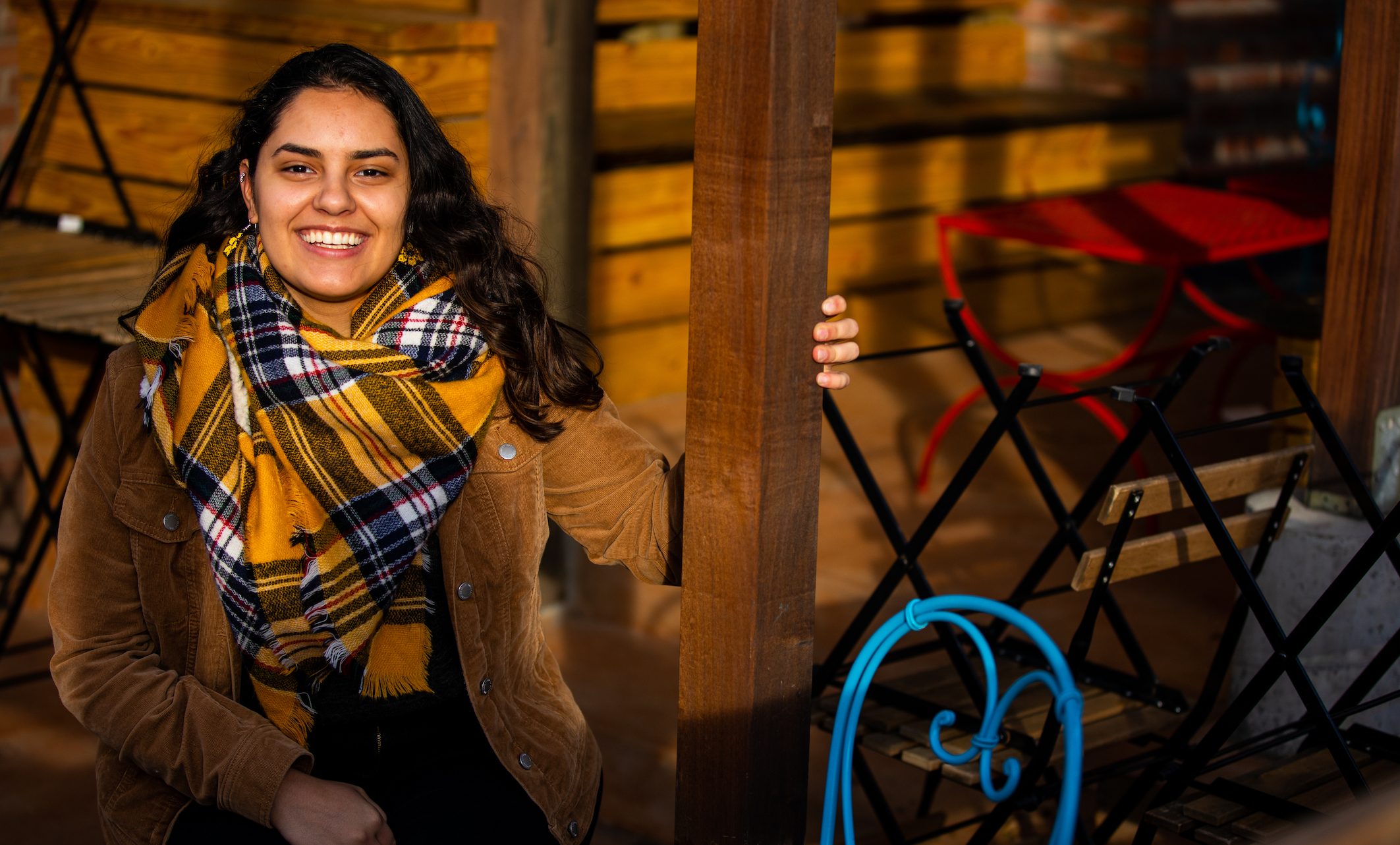
Adriana Suarez says UMKC community is key to success
Our ongoing story starts with people from around the world, converging here at UMKC. Get to know our people and you’ll know what UMKC is all about.
Adriana Suarez
Anticipated graduation: Spring 2023
Academic program: Honors College, Bachelor of Business Administration-Nonprofit Management, minors in Sociology and Latinx and Latin American Studies
Hometown: Kansas City, Kansas
Adriana Suarez started her freshman year living in the dorm, studying, working and hanging out with friends. Soon, the impact of the COVID-19 pandemic began turning everything upside down. Suarez lost her job and moved out of the dorm and in with her sister and was going to school online. Despite the turmoil, she’s focused and committed to finding her way through this challenging time with success.
Why did you choose UMKC?
I grew up in Kansas City, Kansas, and was familiar with UMKC because of the prestige and exposure of the school. It was only when I was awarded a scholarship through KC Scholars that I seriously considered attending the university. One of the main reasons I was attracted to UMKC was the diversity on campus compared to other campuses in the area.
"One of the main reasons I was attracted to UMKC was the diversity on campus compared to other campuses in the area."
Why did you choose your field of study?
Business degrees are very versatile, and I hope I can apply my knowledge of history and the culture of the Latinx community to further develop the Latino voice of the KC metro area.
When I entered college, I joined the Latinx Student Union where I was given the opportunity to listen to speakers present on important topics within the Latinx community. These events led me to discover my own passion for helping others and our growing Latino community.
What are the challenges of the program?
The biggest challenge is finding the intersectionality of each program. I must find ways in which each program can build upon the other to open opportunities to connect with the community not only as a student but also as a community member. The most important part about combining these programs includes adaptability -- I must be able to learn to adapt to changes in the environment that require me to learn skills that aren’t necessarily taught in school.
What are the benefits of the program?
The programs at UMKC are very versatile, and I feel as though I am able to make them my own. I have the chance to explore the business world while also discovering the cultural aspects of my community. The part I am most excited about is studying abroad for the next full academic year. I hope that this experience will challenge me to learn new cultural perspectives in the business world as well as the real world.
How has your college program inspired you?
I feel inspired to do more to help our community. Especially during moments of need like now where we need to lean on our community for support. I feel more inspired than ever to create change that will leave a legacy.
"I have the chance to explore the business world while also discovering cultural aspects of my community."
Since entering college, what have you learned about yourself?
The college experience has definitely built my sense of independence. Realizing what it takes to be an adult, I have discovered a growing sense of responsibility. Every day I aspire to grow as a person.
Attending college has allowed me to grow not only academically, but also creatively. I recently started a small handmade jewelry Instagram account called Xotu Jewelry. A lot of my work is inspired by the Wixárika better known as the Huichol. They are one of the few indigenous tribes in Mexico that have been able to preserve their traditions, while also finding new ways to express their vision of the world through art.
What do you admire most at UMKC?
The thing that I admire most about UMKC is the support system that it has provided me and other students. From faculty and advisors to friends, UMKC does not lack people who want to help. I have had the chance to work with amazing staff and meet people who I know will -- and have already -- made an impact on my life.
What’s the best piece of advice you have ever received from a professor?
Seek advice from only those people who are in the position that you want to be in.
What extracurricular activities are you involved in at UMKC?
I am currently a work-study student at the Multicultural Student Affairs Office on campus. I serve as the project liaison on the Enactus Fundraising Committee and the SAFC Representative on the Bloch School Student Association Committee. I am also a Peer Academic Leader with the UMKC PAL Program where I mentor and support students through their first years at the UMKC.
I am planning on studying abroad in Ireland (Fall 2021) and South Korea (Spring 2022). I participate in various programs on campus such as the Latino Student Union, the Avanzando Mentoring Program as well as the Association of Latino Professionals for America.
Do you have any scholarships?
KC Scholars has provided me the opportunity to attend school at the university level. KC Scholars gave me something set in stone when other parts of my life weren’t going so well. I am forever grateful for the opportunity.
"The thing that I admire most about UMKC is the support system that it has provided me and other students. From faculty and advisors to friends, UMKC does not lack people who want to help."
I am also a Hispanic Development Fund Scholarship recipient. When I was awarded the Hispanic Development Fund Scholarship, I knew that I was entering a “familia” - a family and community of Hispanic community members that cared for the wellbeing of each other and bettering the future.
I was awarded the 2020 Sherman and Irene Dreiseszun Scholarship through UMKC, and the Truman Foundation which will, in the future, contribute to my plans for studying abroad.
What do you hope to take from your experiences at UMKC into your professional career?
I hope that being active on campus through diverse programs will allow me to engage more in the community. I believe these experiences are great for opening doors in the future.
Feb 26, 2021
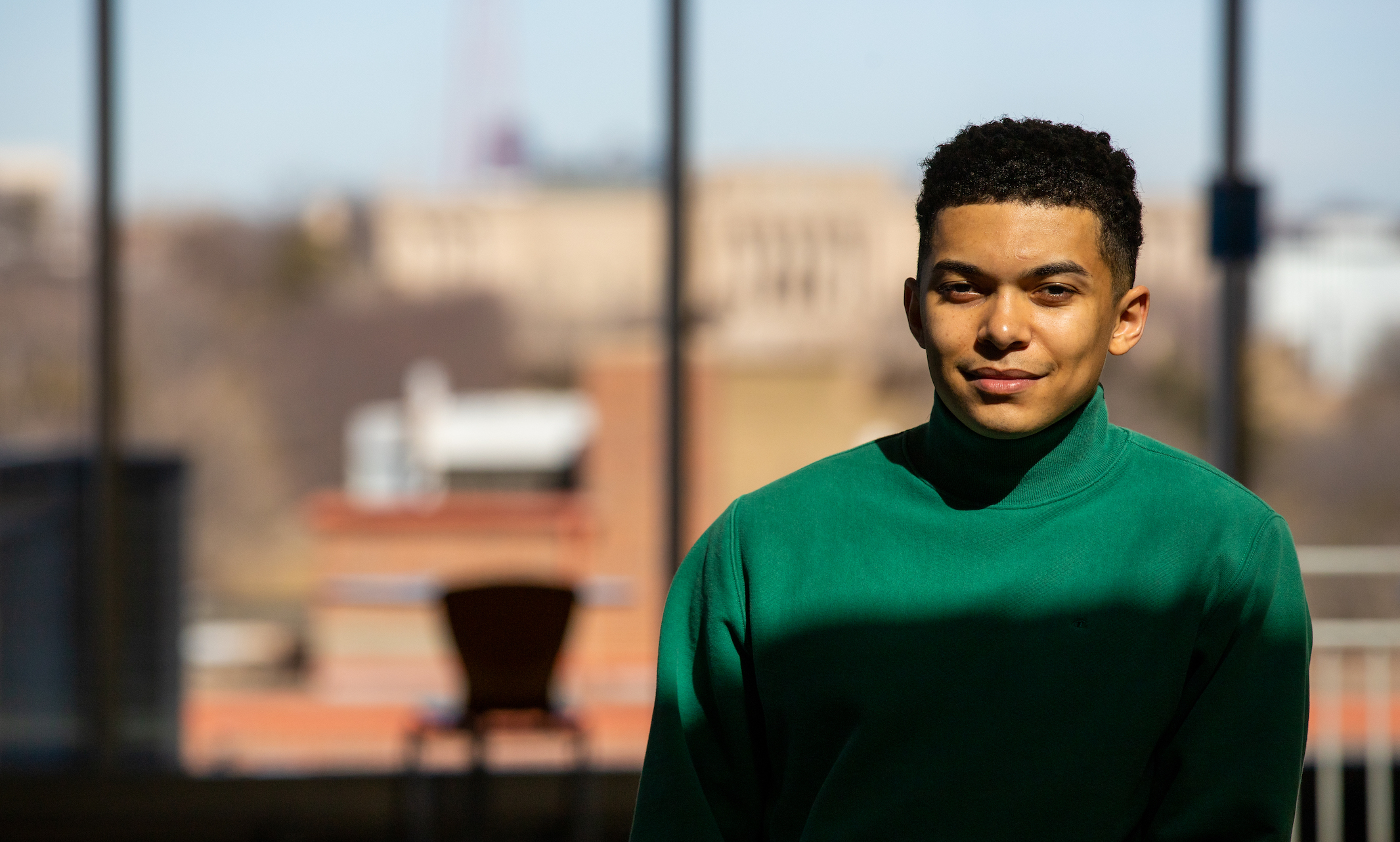
Brandon Henderson chose self-care during stressful period
Our ongoing story starts with people from around the world, converging here at UMKC. Get to know our people and you’ll know what UMKC is all about.
Brandon Henderson Hometown: Kansas City, Missouri High School: North Kansas City High School UMKC degree program: Political Science Anticipated graduation year: December 2021
Brandon Henderson was on a roll. He ran for UMKC Student Government Association (SGA) president last spring because he wanted to serve the student body and help lead through the COVID-19 crisis. In addition, he was interested in politics and wanted to part of the process to help correct issues that have affected society for generations: systemic racism, police brutality, mass incarceration. While he is still devoted to those issues, he decided to take a step back from his position last December. It was not an easy decision, but he’s finding a new definition of success.
"Last Fall I was sprinting. I was trying to do everything and be everything." - Brandon Henderson
“Last fall I was sprinting. I was trying to do everything and be everything,” Henderson says. “For a while it was working. I was doing it. I was going to three different events a week and organizing activities through SGA – like the Critical Conservations event with Mayor Quinton Lucas.”
Henderson was committed to his position.
“I felt as though any minute I wasn’t spending doing something for students was a minute wasted.”
Henderson found he was making less time for personal needs – eating well, sleeping, exercise and school work.
“That's part of the job of being an elected official. You don’t want to disappoint people, and I think I went into it trying to do everything possible not to do that. Then I began to realize that I'm not Superman. I can't fix everything.”
Henderson’s challenge became not being able to say, “No.”
“I kind of rigged the game against myself,” he says. “There was no way I could meet the expectations I’d set for myself, so when I didn’t it just reinforced my negative feelings.”
He found himself thinking that it would be nice to step away from the office, but he didn’t think he could do that. He felt determined to stick it out.
“Then I reminded myself that [former Missouri state legislator and Missouri Secretary of State] Jason Kander, who is someone I look up to, stepped away from his bid for Kansas City mayor because he needed to focus on treatment for post-traumatic stress disorder or PTSD.
And I thought, ‘If he can walk away from that, why can’t walk away from this?’”
Henderson knew that he could have gone through the motions and finished his term.
“But our students deserved somebody in the role who could give 100%.”
“I feel like I’m living my life in the moment. I can be present and appreciate what is happening.”
Mahreen Ansari, (BA ’22) who was the SGA vice president at the time, agreed to assume the role of president.
Calling the SGA officers to tell them each one personally was difficult, but Henderson was relieved once he had spoken to everyone. After resigning, Henderson sought help at the Counseling Center.
“It took a little while to get in, but I met with a counselor and they have so many resources for self-wellness. I would recommend them. I’ve heard from other students that they feel the same stress and anxiety I did. I was worried that I was letting people down, but instead other people saw themselves in me, which is reassuring.”
Henderson is sleeping better, eating better, exercising more and doing better in school. He has two semesters left and is focusing on finishing strong.
“I feel like I’m living my life in the moment. I can be present and appreciate what is happening.”
Feb 25, 2021
Bloch School student shares his story with KMBC
Abdurahim Sharif is a VFW scholarship recipient living a life of service. He is a student at the Henry W. Bloch School of Management at UMKC. Read the article and watch the newscast.
Feb 24, 2021
Kansas City Star highlight's Jannette Berkley-Patton’s research
UMKC professor Jannette Berkley-Patton’s research reveals the importance of having Black churches involved in keeping communities healthy. Pastors, she says, are trusted sources of information. Read the full story.
Feb 24, 2021
NBC News interviews Mary Anne Jackson
Mary Anne Jackson, a pediatric infectious diseases expert and dean of the medical school at the University of Missouri-Kansas City, said state and local officials would need to do more to convince people in several groups that the vaccines are safe and effective. Read the NBC News story, which was picked up by Yahoo News.
Feb 24, 2021
KC Studio features Karen Brown
Karen Brown is an assistant professor of dance at the UMKC Conservatory. Read the article.
Feb 23, 2021
The Kansas City Business Journal and Fox4KC talked to Alec Rodgers
Alec Rodgers graduated from UMKC Bloch School last year with a bachelor's of business administration and a double major in finance and entrepreneurship. Read the Kansas City Business Journal article. Read the Fox4KC story and watch the newscast.
Feb 23, 2021
KMBC interviews Beth Vonnahme
“For a lot of folks who join more of these more radical or alternative groups, or believe in conspiracy theories, a lot of it comes back to that notion that, they really want to belong to something that’s bigger than themselves,” said Beth Vonnahme, associate professor, department of political science at University of Missouri-Kansas City. Read the story and watch the newscast.
Feb 23, 2021
UMKC doctoral student is chosen
Jessica Bassett is currently working to complete her doctorate in education at the University of Missouri-Kansas City. Read the article from the Lawrence Journal-World. (subscription required)
Feb 22, 2021
Sociology professor quoted in MSN article
Michelle Smirnova, an associate professor of sociology at the University of Missouri-Kansas City, told Hill.TV that many Americans still risk becoming homeless during the coronavirus pandemic despite a federal moratorium. Read the full article.
Feb 21, 2021
Chancellor Mauli Agrawal weighs-in on Health Sciences District development
“The UMKC Health Sciences District is truly a center for patient care, research, teaching and learning in the heart of the Kansas City area,” said UMKC Chancellor Mauli Agrawal. Read more.
Feb 19, 2021
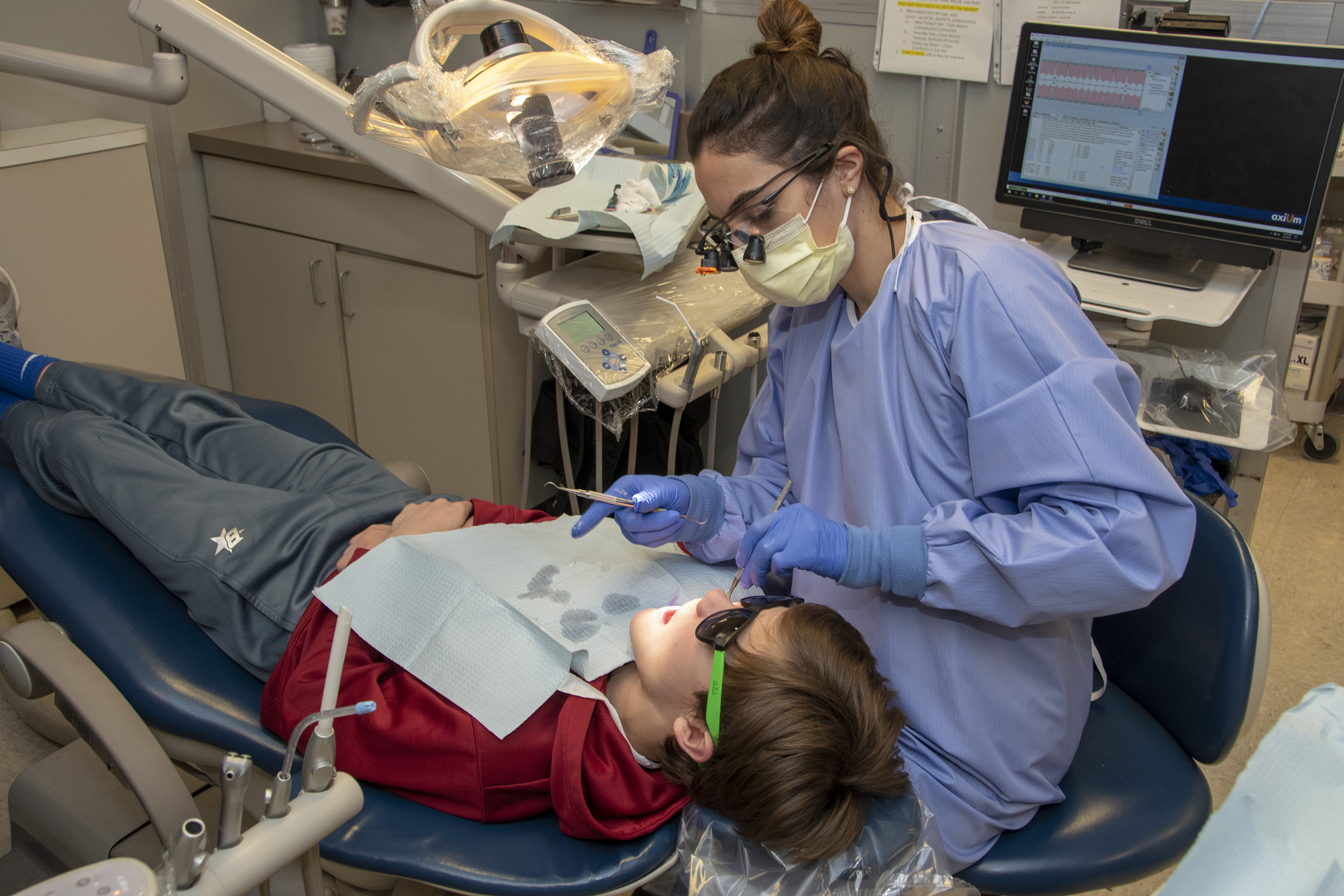
Helping children under 3 receive a healthy start
Taking care of children’s teeth and gums right from the start is a vital part of overall health, so the UMKC School of Dentistry offers a free examination for children under 3 years of age.
The school also for years has participated in Children’s Dental Health Month, an educational effort every February by the American Dental Association.
“We offer the free initial exams year-round in our pediatric clinic,” said Brenda Bohaty, D.D.S., chair of the Department of Pediatric Dentistry. “That exam is recommended by the time a child is 12 months old, or when the first tooth starts appearing.”
The UMKC pediatric clinic gives young patients a bright, welcoming atmosphere and top-notch care supervised by Bohaty and other faculty. And it gives students important experiences that they will need as they train to become general dentists.
“We emphasize the importance of the age 1 visit in training all of our students,” Bohaty said. “The benefits of dental health for overall health can’t be overemphasized.”
Tooth decay is the most prevalent disease of childhood, occurring four times as frequently as asthma, but in almost all cases is preventable. The American Academy of Pediatric Dentistry, in the recent second edition of its State of Little Teeth Report, notes that children’s tooth decay is down in the past four years, but nearly half of children ages 6 to 11 and more than half of children ages 12 to 19 in the U.S. still are affected by tooth decay. And among older children, the decay affects permanent teeth.
Besides starting checkups by age 1, the academy recommends having a parent or other caregiver brush with a child for at least two minutes twice a day, limiting sugary drinks and snacks and paying attention to toothaches at any age.
“We want every child to have a healthy start,” Bohaty said, “and we hope parents take advantage of our free initial checkups for children under 3.”
Call 816-235-2145 for an appointment in the pediatric clinic
Feb 19, 2021

A discussion about how communities of color can gain and deploy influence
Local political and community leaders participated in a virtual panel discussion, “Politics and the State of Black and Brown America.”
The event Feb. 18 was the seventh in the Critical Conversations series of panel discussions addressing systemic racism, sponsored by the UMKC Division of Diversity and Inclusion.
UMKC people are taking thoughtful action on campus and in our community to ensure lasting and comprehensive change through Roos Advocate for Community Change, a campus-wide effort announced in June.
The Critical Conversations are part of that initiative. The goal of each discussion is to enlighten, educate and explore the causes and potential cures for racism.
Panelists for the Politics session included:
Tom Carignan, Overland Park City Council member
Irene Caudillo, president and CEO of El Centro
Kelvin Simmons, co-founder of the Nexus Group, a full-service government affairs firm
Beth Vonnahme, associate professor of political science and associate dean of the College of Arts and Sciences at UMKC
Gary O'Bannon (moderator), executive-in-residence, Henry W. Bloch School of Management
Charisma Sewell (co-moderator), UMKC political science major
Excerpts from the conversation are below. View the recording of the conversation.
Job opportunities for people of color in the private sector
Caudillo: It has been proven that if you have diverse staff, it improves decision-making and enhances growth. In the private sector, the representation isn’t there. Even in the public sector we still don’t see us in leadership positions … What we truly seek are opportunities in companies that are breaking down the barriers leading to those leadership positions.
Simmons: The private sector traditionally has to be pushed into moving. If they’re not pushed, it’s business as usual.
Advocacy for change
Simmons: Decades ago, there was a large grassroots movement to pressure investment funds to divest from investments in South Africa to protest apartheid. We ae seeing something similar today with the MeToo movement and the Black Lives Matter movement. Grassroots movements can be effective as long as they are large enough, have the right message and have the courage to protest.
Carignan: With the technology and communication capabilities we have today, it is easier to organize a movement to push corporations to change.
Are we lacking a central leader like Martin Luther King Jr.?
Carignan: Hispanics come from 20 different countries with all kinds of different political and social structures. Our population is so diverse that it’s difficult to find that central leader.
Simmons: In the African American community, drawing from our biblical culture, Moses was our figure, the one who delivered us. We grew up understanding that there was a deliverer … We’re shifting today to where social media moves people and the voice of people in a very significant way.
“What we truly seek are opportunities in companies that are breaking down the barriers leading to those leadership positions.” - Irene Caudillo
Tax abatements for developers
Simmons: These incentives were created to address blight and to create job opportunities in distressed communities. It has become something vastly different from what it was intended to do.
Government-sanctioned voter suppression
Vonnahme: There are ways that individual voters can work against these initiatives. One is to act through state legislatures. One thing they benefit from is low public attention; it’s easy to pass policies when no one is paying attention. Ballot initiatives can also be used in some states to expand voter access. The courts are able to come in to defend the 15th amendment requirement for fair and equal voting. You also can mobilize grass-roots efforts to help people meet the requirements.
Suffrage is the ultimate right in a democracy. This is something we should all be concerned about. It does give me a little bit of hope that a lot of this has been coming to light ... the best defense is informed, involved community groups.
Caudillo: Community-level activity played a vital role in last election. We have to continue to educate the community, get people registered, get them to the polls.
Strategies that can lead to desired political outcomes
Caudillo: Holding the people who represent us accountable. Civic engagement beyond the vote is really important.
Vonnahme: Policy success comes from electoral success. Recruitment, funding and voter mobilization are all vital. Electoral success comes from good candidates with resources.
Carignan: Build relationships with elected officials. Become a resource for them. Never go alone – you want them to know you have people behind you.
“Suffrage is the ultimate right in a democracy. This is something we should all be concerned about.” - Beth Vonnahme
Police reform
Vonnahme: You can have policy change imposed from above; leadership change is another means. Culture shifts are really important but really hard to impose. They require fundamental shifts in membership, or for the membership to undergo fundamental change. This one is the most effective but the hardest to bring about.
Simmons: The role of police unions is very powerful. Under union contracts, police officers have certain protections the average citizen does not have. It allows cases to be handled differently than if a citizen did the same thing.
Carignan: In Overland Park, a citizen panel signs off on police department promotions and demotions. A separate civilian review board reviews complaints.
The digital divide
Caudillo: The gap continues to widen. The same people who lack digital resources are also more likely to struggle with food insecurity, and to be essential workers exposed to COVID. When virtual learning was introduced at the onset of the pandemic, the resources were not there in communities of color.
Political and civic education
Caudillo: We’ve lost the civics education we used to have. Our organization is stepping in to do those things now, like taking kids to the capitol, letting them see the legislature in action. On college campuses, we have to have mobilization.
Vonnahme: We teach a sanitized form of politics. We don’t explain the nuance behind politics. We have to talk about politics and civics in a more realistic way – talk not just about compromise, but also about conflict.
Building trust in the coronavirus vaccine
Caudillo: Throughout history transparency just wasn’t there, so there is mistrust in the system overall. When it comes to health care, we’ve got to listen to the community, find out what those issues are, what those concerns are, and use the people who have already established trust in the communities of color, like pastors and community organizations.
Feb 19, 2021
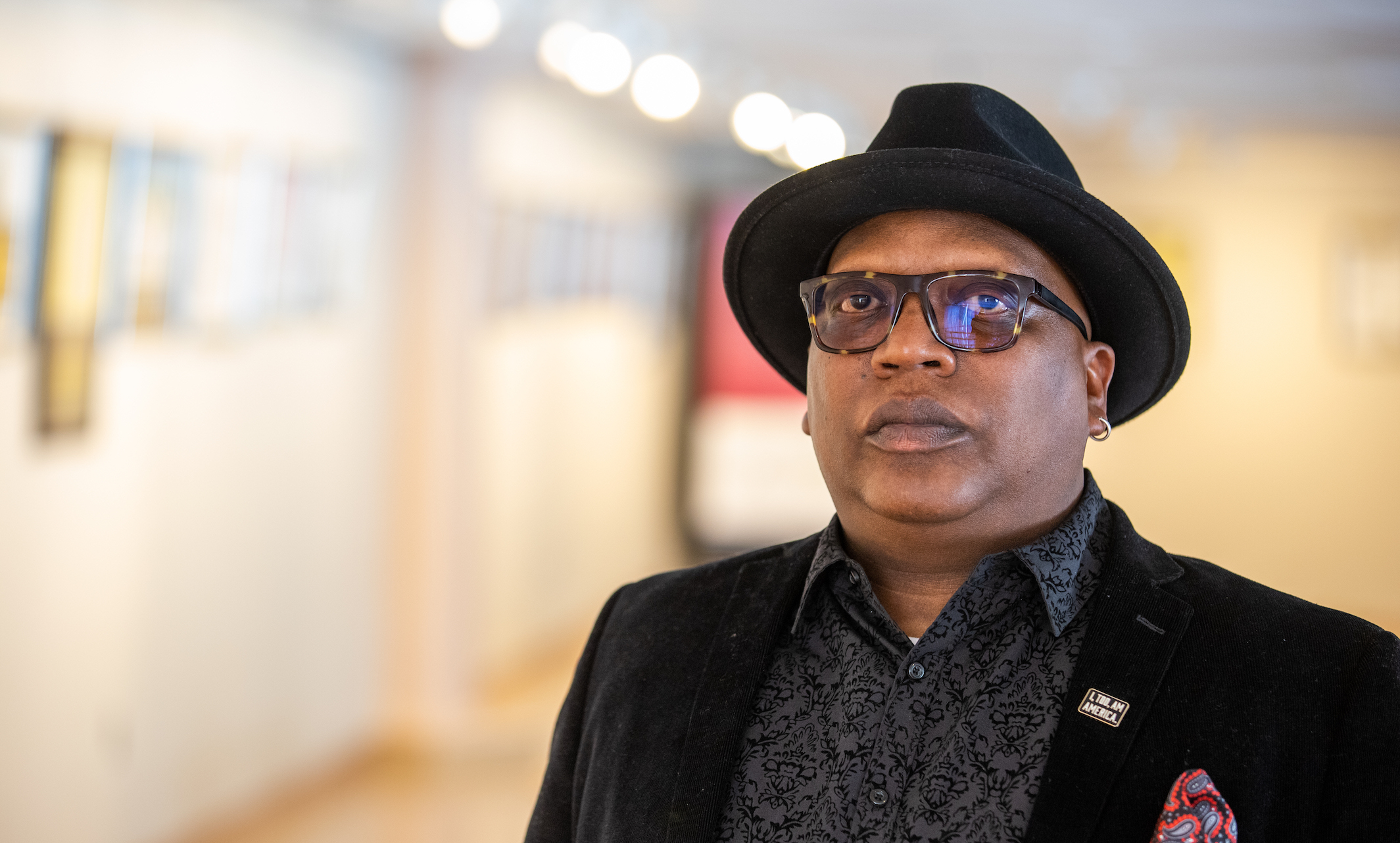
Glenn North is executive director of Bruce R. Watkins Cultural Heritage Center
Glenn North (MFA '20), the first poet laureate of the 18th and Vine district and executive director of the Bruce R. Watkins Cultural Heritage Center, wrote a poem based on Rudyard Kipling’s “If” for his cousin, Don Cheadle, to read in his UMKC commencement speech. While this may have introduced people to his work, he has a long history writing – and reading – his poetry in the community.
“Don and I talked about ideas for his speech,” North says. “He asked me if I had something that fit. I didn’t, but there’s so much wisdom in Kipling’s ‘If.” My grandmother gave me the poem when I was young. I still use it as a beacon.”
Often in his career as a poet, North has responded to images or concepts – some provided from friends as prompts – to create his poems.
The painting, “Lynch Family” by Joseph Hirsch, with its bold, mottled cobalt blue background, features a Black woman holding her baby against her shoulder in one hand – his hand raised and wrapped around a rattle – while her face rests in her other hand. It’s a striking image of innocence and despair.
Glenn North at the Bruce R. Watkins Cultural Center exhibit of "Eight Days in April: the Story of the 1968 Uprising."
North feels empathy is an important component of being a writer.
“I never felt the latitude to write about a daffodil,” North says. “I’ve felt a responsibility to respond to the triumphs and the tragedies of the Black experience.”
Along those lines, while North participated in leading classes and youth poetry workshops and was grateful for the work and experience, he began to feel as if he needed to focus his attention on writing for himself.
“I was frequently writing for hire, and I was fortunate to be able to generate revenue, but it’s a different process. I had to start saying, ‘no.’ At that point I needed to exercise my voice.”
“I never felt the latitude to write about a daffodil,” North says. “I’ve felt a responsibility to respond to the tragedy of the Black experience.” - Glenn North
He found connection with other Black poets through a fellowship with Cave Canem. The organization’s founder, Cornelius Eady and Toi Derricote, created the annual workshop for emerging Black poets and pairs them with veteran writers and provides book-publishing opportunities.
“That’s where I found my writing community,” North says. “’Cave Canem’ is a Latin phrase which translates as ‘Beware the Dog!’ The organization’s mission is to protect the interests of Black poets as fiercely as a dog protects its owner’s property. In so doing, more Black poets will be added to the canon of literature.”
Following the Black Lives Matter demonstrations last year and the revelation that the extent of what some believed was a fringe white supremacy movement was far more prevalent and organized than many people understood.
“I view last year as a cleansing of sorts. If you want clean clothes, you can’t just put them in the washing machine soap and water, you need an agitator. Last summer’s uprising and unrest was necessary for reform. I hate the way it happened, but it brought attention to how Black people are treated by the police.”
“As someone who loves language, I believe some of the terminology we use has helped to change attitudes,” he says. “For instance, if you call a white person racist, they will vehemently resist that label, but if you talk to them about white privilege, they begin to understand that privilege is connected to a racist power structure. At that point, their eyes begin to open. Then we can begin to move toward progress and equity.”
Beyond his poetry, North is engaged in the community through his role as executive director of the Bruce W. Watkins Heritage Center. He’s focused on raising the center’s visibility and expanding its role in the community.
For Black History Month, the center will host an exhibit, Eight Days in April: The Story of the 1968 Uprising in Kansas City, in partnership with the LaBudde Special Collections at the University of Missouri-Kansas City library and the Prospect Business Owners Associaton.
“There’s a lot going on behind the scenes,” North says. “By 2022, we will roll out new programs that will engage the community in a meaningful way.”
North wants the community center to help heal racial trauma.
“A couple of years ago, communities were removing monuments to systemic racism. These monuments say a lot about who we are.
“I view last year as a cleansing of sorts. If you want clean clothes, you can’t just put them in soap and water. You have to agitate.” - Glenn North
In Germany, there are no statues of Nazis statues or flags with swastikas waving around, but there are stumbling stones outside the houses where Jewish people were taken. We need to ask, ‘What do we allow to represent who we are?’ and study that.”
As a member of the Community Remembrance Project, one of North’s current projects is the re-installation of the Levi Harrington Memorial in Case Park in Kansas City. Harrington was a victim of lynching. In 1882, he was falsely accused of shooting a police officer. He was abducted from police custody and hung from the Bluff Street Bridge. He was one of at least 60 victims of racial terror lynching in Missouri.
“The same brand of hate that led to the lynching of Mr. Harrington was on display the night the perpetrators vandalized the marker” North says. “The work I do at the center and the work I do as a poet is an effort to combat racism in all its manifestations.”
Feb 19, 2021
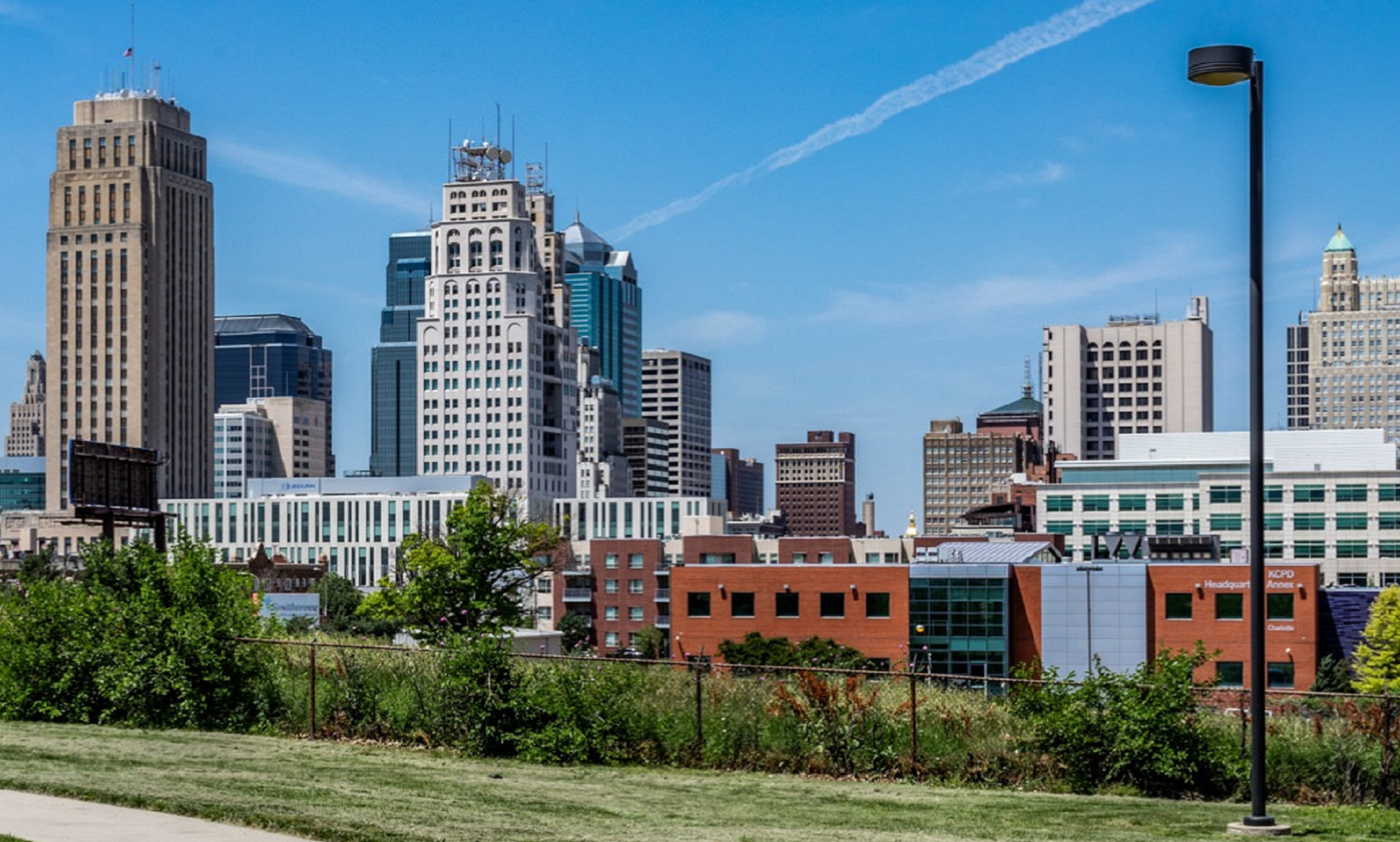
Community groups, UMKC researchers collaborate on public health efforts
The UMKC Health Equity Institute has chosen eight collaborative research projects to benefit from “mini-grants” of $1,700 to $2,200.
Each project pairs a community organization and a UMKC researcher to explore ways to improve health care access for underserved communities. The research topics in this first round of grants include COVID-19 effects on family resilience and easing the trauma of shooting victims. The community partners range from a tenants’ organization and the Kansas City Housing Authority to Children’s Mercy and Truman Medical Centers.
“One goal with these mini-grants is to encourage the kind of research that results in sustainable initiatives, instead of efforts that can fade away after a big grant runs out,” said Jannette Berkley-Patton, Ph.D., a professor in the School of Medicine.
Berkley-Patton, the director of the Health Equity Institute, a UMKC initiative launched by Chancellor C. Mauli Agrawal, added: “We received some great proposals from teams that include strong community partners. We also assigned research mentors to any grant recipients who didn’t already have an expert researcher on board.”
Here are descriptions of the projects receiving the mini-grants, along with their UMKC affiliated partner and community partner.
Refugees Raising Black Boys in the U.S.
To explore parental strategies of Congolese, Sudanese and Somali refugee parents raising sons in a racially hostile climate. The UMKC partner is Johanna Nilsson, Ph.D., professor of psychology. The community partner is Sarah Payton with Jewish Vocational Services.
A Qualitative Analysis of Patient Feedback on Early Mental Health Intervention for Nonfatal Shooting Victims
To conduct interviews with victims and tailor treatment approaches to better serve the needs of predominantly Black patients, whose voices have been historically underrepresented in the development of treatment approaches and care decisionmaking. The UMKC partner is Joah Williams, Ph.D., assistant professor of psychology. The community partner is Rosemary Friend with Truman Medical Centers.
A Pediatric Health and Community Partnership to Improve Family Resilience During the Coronavirus Pandemic and Beyond
To measure the impact of the coronavirus pandemic on trauma exposure and the physical, mental and emotional well-being of children and families from underserved communities in the Kansas City metropolitan area. This study will help inform the development of interventions to increase resilience in families during the COVID pandemic and beyond. The UMKC partner is Andrea Bradley-Ewing, who holds master’s degrees in public administration and psychology and is director of community engaged research at Children’s Mercy. The community partner is Gerald Douglas, director of resident services at the Kansas City Housing Authority.
Pastors’ Spouses Study
To explore the impact of COVID-19 on churches and pastors' spouses and develop strategies and tools to support them as they support their churches and communities. The UMKC partner is LaVerne Berkel, Ph.D., associate professor in the School of Education. The community partner is Nordia Ikner with the Linwood Boulevard SDA Temple.
Increase Health Equity by Improving Neighborhood Routes to Schools and Parks
To increase physical activity by Central Middle School students through built environment improvements to better connect the neighborhood to the school and Central Park. This project will allow students to have a voice in this collaborative process among schools, city services, non-profit organizations and researchers. The UMKC partner is Amanda Grimes, assistant professor of nursing and health studies. The community partner is Laura Steele, education director at BikeWalkKC.
Fruit and Veggie Connect
To explore the feasibility to connect fresh produce from a community garden to families with young children who are enrolled in a home visiting program. The UMKC partner is Laura Plencer, M.D., associate professor of pediatrics. The community partner is Sommer Rose, research program manager at Children’s Mercy Hospital.
What Do We Want? Housing! When Do We Want It? Now!
To analyze how Kansas City Tenants — a grassroots organization with the goal of organizing to ensure that everyone has a safe, healthy, accessible and affordable home in Kansas City, Missouri — was able to rapidly develop a robust membership base and gain traction among city, state and national government officials. To also identify where the organization has yet to make inroads and why, and how it is addressing new challenges brought about by the 2020 pandemic, which is aggravating the housing crisis. The UMKC partner is Michelle Smirnova, Ph.D., an assistant professor in the Department of Sociology and an associate faculty member in Women, Gender and Sexuality Studies. The community partner is Tara Raghuveer, founding director of KC Tenants.
Green Team Toolkit
The Green Team Toolkit brings local youth together with neighborhood residents to improve their parks, trails, and vacant lots. The project seeks to develop a process where neighborhood residents and youth can work together to create a plan to improve the natural and built environment in their community. The UMKC partner is Panayiotis Manolakos with the Department of Economics. The community partner is Brenda Brinkhous-Hatch with the Groundwork Northeast Revitalization Group (Groundwork NRG).
Feb 17, 2021
Jason Martin was renowned for commitment to students
Jason Martin was an associate professor in the Department of Communications Studies, known for his dedication to helping students succeed.
Martin (1977-2021) joined UMKC in 2011, earning promotion to associate professor with tenure in 2020. He taught courses in interpersonal and public communication. His research on intercultural and cross-cultural communication appeared in peer-reviewed journals and books, and he shared his work at regional, national and international conferences.
“Jason spoke from the heart when engaging students. He always had time for students and spent long hours in his office mentoring, motivating and inspiring,” said colleague Peter Morello, associate professor of journalism. “Whenever I stopped by Jason’s office to ask if he wanted to grab lunch or coffee, he was either with a student or he’d say, ‘No man, I am waiting for a student.’ His commitment to students was resolute and his contributions promise to be long-lasting.”
Communications Studies is a department of the College of Arts and Sciences. Interim Dean Kati Toivanen said Martin’s death is “a tremendous loss for our entire UMKC community, as his presence and work embodied a spirit of kindness and generosity that touched many of us.”
Martin chaired the Academic Review Subcommittee for UMKC’s Intercollegiate Athletics Committee, was a member of the IAC Executive Council, served on UMKC’s Access to Success Delivery Team and was a member of the 2014-2015 University of Missouri Faculty Scholars Program. He was also active in the community, including his devoted service to Big Brothers/Big Sisters of Kansas City. He earned two undergraduate degrees and a Ph.D. from the University of Kentucky.
"Jason and I both started at UMKC during the Fall 2011 semester. Over nearly a decade I came to know him as a dedicated scholar, caring instructor and good friend,” said colleague Steven Melling, assistant teaching professor of communications studies. “He had an impact on everyone he met, and inspired many students to do their best in the classroom and beyond."
Donations for a campus memorial for Martin can be made at this link.
Feb 17, 2021
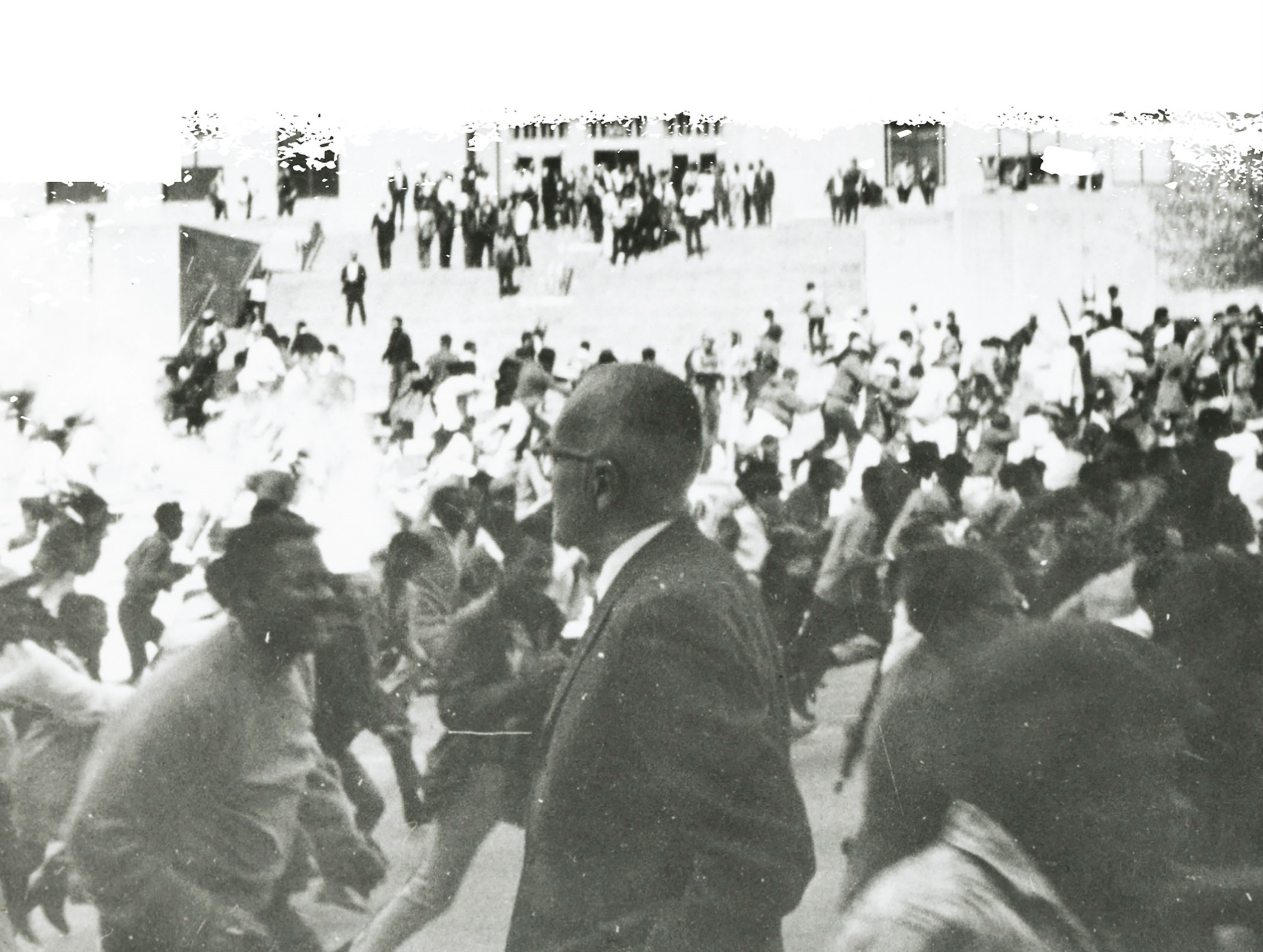
Missouri Humanities Council grant supports opening program
The UMKC Foundation, in partnership with the Bruce R. Watkins Cultural Heritage Center and Museum and Prospect Business Association, has received a $2,020 grant from the Missouri Humanities Council in support of the opening event for the exhibit “Eight Days in April: The Story of the 1968 Kansas City Uprising.” The free, virtual opening is scheduled for 6 p.m., Thursday, Feb. 18. Reservations for the opening can be made online.
The opening event will feature a panel discussion about the eight days surrounding the assassination of Martin Luther King Jr. in April 1968 and how the impact of those days continues to shape Kansas City today.
The discussion will be moderated by Dia Wall, KSHB anchor and reporter; and features panelists Jason Cooley, community initiative officer for the Chief of Police, Kansas City Police Department; Delia Gillis, professor of History and Africana Studies program coordinator, University of Central Missouri; Don Maxwell, Revitalize Prospect; Glenn Rice, journalist, Kansas City Star; and Susan Wilson, recently retired vice chancellor for UMKC Division of Diversity and Inclusion.
The exhibit, “Eight Days in April: The Story of the 1968 Uprising in Kansas City,” draws upon historical materials from the UMKC LaBudde Special Collections and Marr Sound Archives. The exhibit is currently available as a digital exhibit through the UMKC Libraries’ website and will be available to view in person at the Bruce R. Watkins Cultural Heritage Center and Museum, 3700 Blue Parkway, when it is safe to open to the public. The digital exhibit includes an opportunity for community members to participate in a survey about renaming the 1968 Riot Collection.
The Missouri Humanities Council is the only statewide agency in Missouri devoted exclusively to humanities education for citizens of all ages. It has served as a state affiliate of the National Endowment for the Humanities since 1971.
Feb 17, 2021
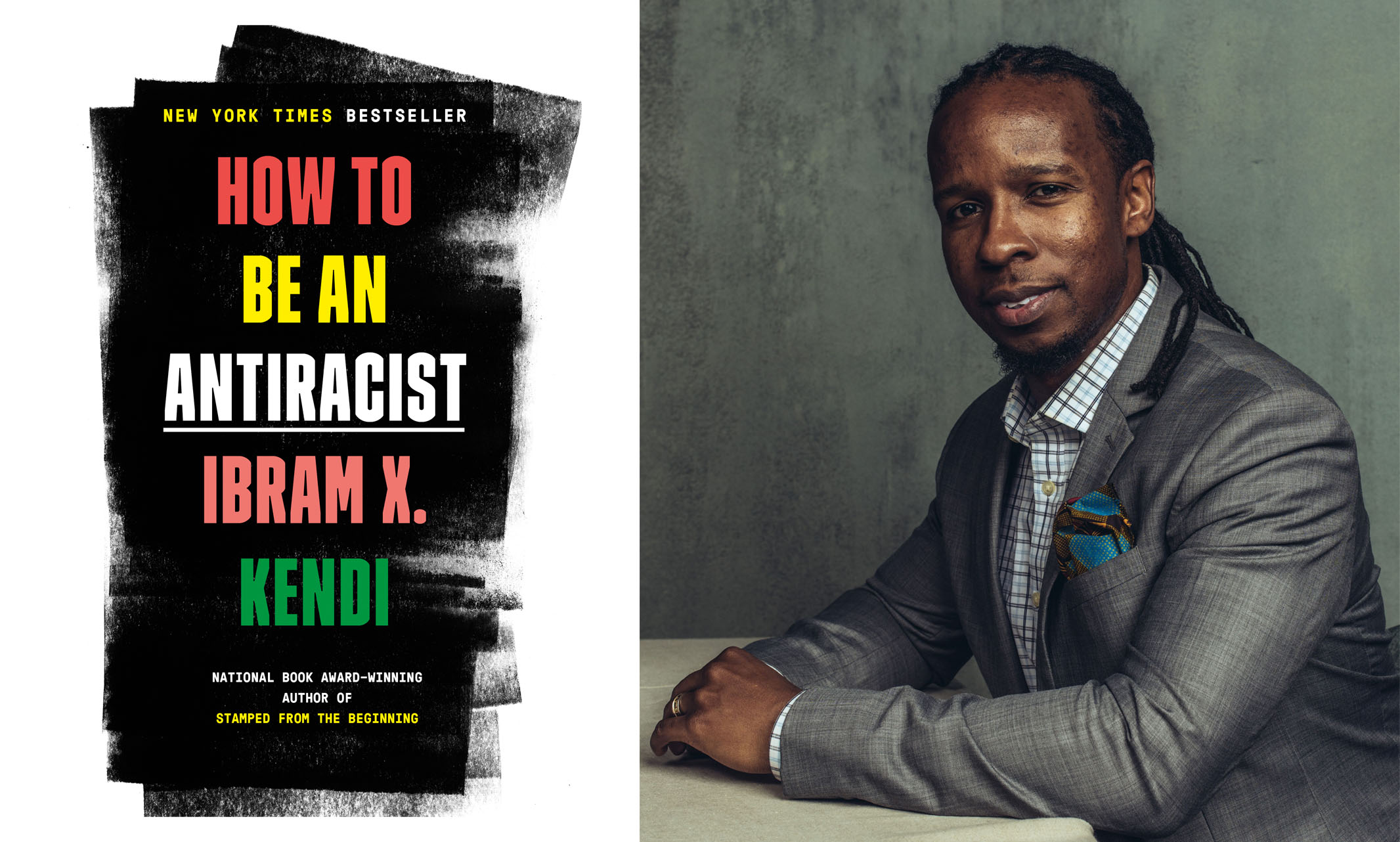
Ibram X. Kendi delivers 2021 Martin Luther King Lecture
Imagine a doctor sitting down with you and telling you that you have cancer. Because that information makes you feel bad, is it an attack? Or is it the first step in a journey toward healing?
Now, replace the word “cancer” with “racist,” and try to think about it the same way. That was the complex and nuanced message shared by author Ibram X. Kendi in the 2021 Martin Luther King Lecture, sponsored by the Division of Diversity and Inclusion at the University of Missouri-Kansas City.
Kendi, the author of numerous books including “How to Be an Antiracist,” said that “racist” and “antiracist” are not fixed categories; people move in and out of the categories based on their thoughts and actions. “To be antiracist is to actually admit to times when you are being racist,” Kendi said.
When people are confronted with knowledge that their statements or actions are racist, he said, they should view that message as a diagnosis, not an attack – a message from someone who wants them to get treatment and help.
“They should realize that to be antiracist is to accept that diagnosis, to accept that when you supported a policy that specifically repressed Black wealth, that is a racist policy,” he said.
The 2021 lecture was delivered in a question-and-answer format, in a dialogue between Kendi and Mikah Thompson, J.D., associate professor in the UMKC School of Law. The wide-ranging discussion covered topics ranging from antiracism to the coronavirus pandemic and the Jan. 6 insurrection at the U.S. Capitol.
Kendi also said it is important to differentiate between the terms “racist” and “racism.” While individual thoughts, statements and actions can be racist, “racism is fundamentally institutional, fundamentally systemic, fundamentally structural. Individuals do not practice racism. Institutions do.”
Whether an individual is behaving in a racist manner is a question of whether those actions are upholding the structure of racism, Kendi said. “As individuals, we are either upholding, or challenging, the system of white supremacy and racism. Are we as individuals resisting this system, or are we upholding it?”
An example of racist thinking that went largely unnoticed, Kendi said, was the reaction by many to statistics showing that infections and deaths from the coronavirus were significantly higher among people of color.
“The immediate response was, ‘what are those people doing wrong?’ The antiracial response is, ‘what policies and practices, historic and current, are leading to those disparities?’ Blacks are dying at higher rates, not because of having more preexisting conditions or not taking the pandemic seriously enough. It was less access to health insurance; it was that Blacks are more likely to be working in situations where they are not able to work from home,” he said. “Even middle-income Black folks are more likely to live in neighborhoods with higher levels of air and water pollution.”
Kendi said denial of racism was widespread as people reacted to the Jan. 6 insurrection.
“Americans say, ‘This is not who we are. There are not attempted coups in the United States of America.’ People who say that have not read American history, in which there was coup attempt after coup attempt after coup attempt during Reconstruction. They deny this country was founded on both racism and freedom. They want to say it was just founded on freedom.”
Americans need to recognize the racist roots that drove the insurrection, Kendi said.
“If you do not acknowledge that white supremacists are the greatest domestic terrorist threat of our time, will elected officials have the will and the resources to respond to the threat?” he asked. “People can’t accept that the most dangerous faces in America are white.”
Kendi is the Andrew W. Mellon Professor in the Humanities at Boston University and the founding director of the B.U. Center for Antiracist Research. He is the author of many books including “Stamped from the Beginning: The Definitive History of Racist Ideas in America,” which won the National Book Award for Nonfiction, making him the youngest-ever winner of that award. In 2020, Time magazine named Kendi one of the 100 most influential people in the world.
Beginning with the Rosa Parks Lecture on Social Justice and Activism in 2007 and annually since 2009 with the Martin Luther King Lecture Series, the Division of Diversity and Inclusion honors these individuals’ tremendous contributions to furthering civil rights by bringing national thought leaders to campus, who provide insight and advocacy to current civil rights issues of education, economic and justice system inequalities.
Feb 16, 2021
KSHB interviews UMKC dental student
Shonte’ Reed, is a first-year dental student at the University of Missouri-Kansas City; and Anne Lambert Johnson, a dentist, mentor, philanthropist and pioneer in Kansas City, is Reed’s mentor. Johnson is the first African American dentist in Kansas City and has been practicing for 47 years. Read the article and watch the newscast.
Feb 12, 2021
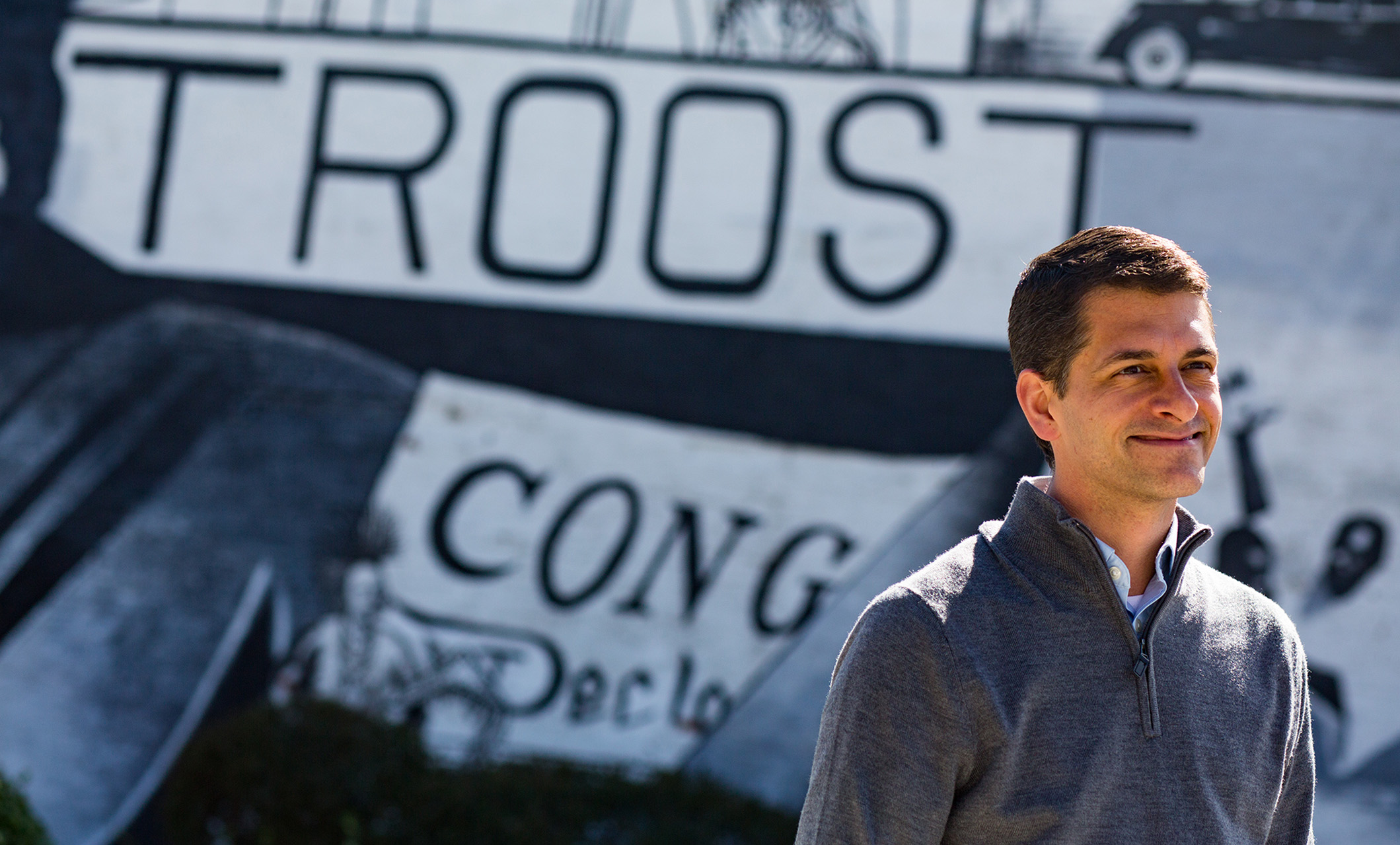
The UniverCities Exchange panel discussion is a continuing collaborative of UMKC and UMSL
The large numbers of urban real estate left vacant or abandoned is a problem facing the Kansas City and St. Louis metropolitan areas. Academic and community leaders from the two cities gathered on Feb. 10 to tackle the matter in the latest segment of UniverCities Exchange, a collaborative between the University of Missouri-Kansas City and the University of Missouri-St. Louis.
In the 90-minute program, the panel outlined the issue of vacant and abandoned properties and discussed cutting-edge prevention and mitigation strategies to address the problem.
Sarah Fenske, host of St. Louis on the Air, served as moderator. The session’s panelists included:
Brent Never, UMKC associate professor of Public Affairs and coordinator of the UMKC Institute of Data Education, Analytics and Science (IDEAS)
Peter Hoffman (J.D. ’12), managing attorney, Neighborhood Vacancy Initiative, Legal Services of Eastern Missouri
Nailah R. M’Biti (M.P.A. '15), chief real estate development officer, Ivanhoe Neighborhood Council, Kansas City
Sundy Whiteside, board president, Saint Louis Association of Community Organizations
Geoff Jolley, executive director, LISC (Local Initiatives Support Coporation) Greater Kansas City
Ruben Alonso III, president, AltCap, Kansas City
Neal Richardson, president, Dream Builders for Equity, St. Louis
Here are some highlights of the panel’s conversation regarding these problems facing Kansas City and St. Louis and how communities are addressing them.
“When you live on a block with several vacant houses there is a sense of insecurity, because of the fact that there are not eyes on the street, so it can be perceived as being very unsafe. The other thing that happens is neighborhoods with a lot of vacant homes also become very disconnected in terms of the residents with one another, especially if you're on a block where there may only be three houses that actually have people who live in the house”. ‑ Nailah R. M’Biti
“Land Bank houses are one way that we have tried to move properties from being vacant into being filled with families, adding to neighborhoods. One major issue is what's called a clouded title. A very quick example. Your family sells a house but maybe the transfer with the family members wasn't so clear and you have a clouded title, meaning is not so clear who owns that house, who is in custody. A large percentage of our houses that are vacant and abandoned are because of this clouded title problem.” - Brent Never
“As we've had this historical disinvestment, particularly in our communities of color, we have pulled that wealth and those assets out of the Black entity. We must be intentional and keep reinvesting and being sure that we're providing opportunities in the same communities for people to then build that wealth.” - Geoff Jolley
“It's not just providing the capital, but it is really a question of how do you engage the community, the neighborhood, and empower that neighborhood and build that capacity so that they can really be very involved and engaged in the process of rebuilding and bringing cohesion back to their community”. - Ruben Alonso III
“The same neighborhoods that suffer from disinvestment and high vacancy rates are also the same neighborhoods with the highest poverty rates, the highest crime rates. We're looking at 12,000 vacant properties that are privately owned in the city of St. Louis. It's an enormous problem that has gone on for way too long. Just the sheer volume, I think, is probably the biggest challenge we face, and being able to bring in enough resources to meet that challenge.” - Peter Hoffman
“The city of St. Louis has the third highest vacant property rate in the country. About 65 percent of the African American population lives in high concentrations of vacancies versus only 19 percent of Caucasians. And there's a greater impact on these high concentrations of vacancies. They created lower property values, higher rates of drug and gun crimes and illegal dumping, poorer environmental health, lower quality of life and really a lost sense of community pride.” - Sundy Whiteside
“We engage with the neighborhood associations and work to identify (nuisance) properties and build them with the youth that live there. Ultimately, this creates the inventory for homebuyers to have a safe place that they feel confident was constructed for them and created for them to be engaged. As we bring these vacant properties that have been sitting vacant for generations back onto the market, it is going to be creating housing stock that is safe and affordable for the communities to begin to start to rebuild and transform.” - Neal Richardson
UniverCities Exchange began in fall 2020 during the UM System Extension and Engagement Month with a discussion of health disparities faced during the COVID-19 pandemic. The goal of these conversations is to foster a connection for future collaboration across Missouri.
View the full UniverCities Exchange discussion below:
Feb 12, 2021
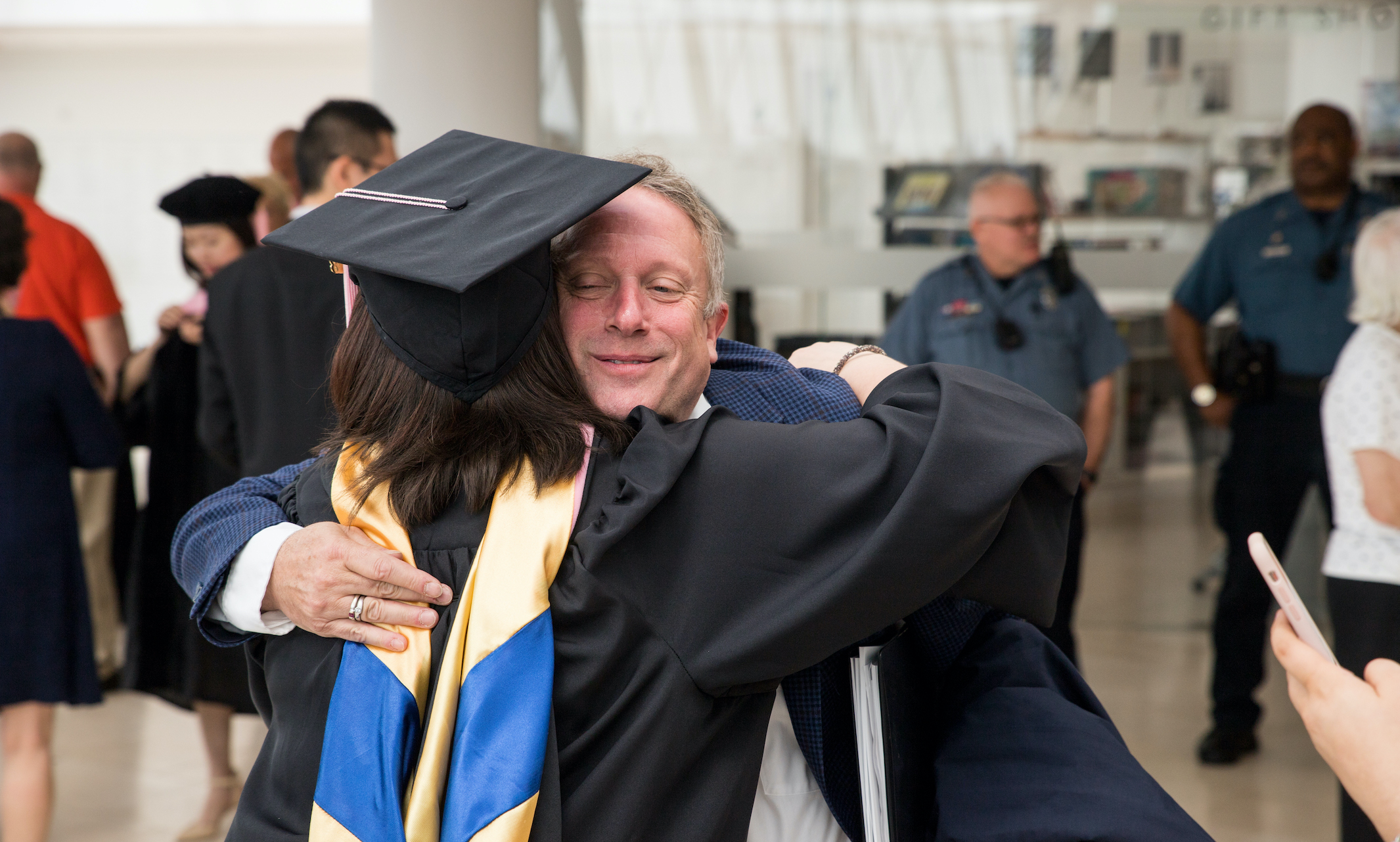
Volunteer-led 20 / 20 campaign exceeds goals
The UMKC Conservatory is celebrating the creation of 27 new endowed scholarships. Thanks to a volunteer committee which triumphed during challenging times, students who may not have been able to join the ranks of Conservatory students and alumni will now have their chance.
The Friends of the Conservatory initiated the concept of the 20 / 20 campaign in July of 2018. Their plan – to create 20 new endowed scholarships, each of which required a commitment of $25,000 or more, by the end of 2020 -- was ambitious. Long-time supporter Don Dagenais agreed to be the committee’s chair.
“I agreed to chair the campaign because I believe in what the Conservatory is doing and how critical scholarships are. I volunteered out of love for the organization and what it does for the future of music.”
“I thought we’d exceed the goal, but to exceed the goal by as much as we did was significant and it’s thanks to the donors, the committee and the staff.” - Don Dagenais
From the beginning, Dagenais thought creating 20 new scholarships in 18 months was reasonable.
“I thought we might actually do better. Once we met and put together a plan that allowed groups of people to contribute to a scholarship, I was very optimistic.”
Michael Henry, a longtime Conservatory supporter and Friends of the Conservatory board member, was one of the first volunteers to recruit friends and colleagues to create a scholarship in choral conducting in honor of Kansas City-based Grammy award winner Charles Bruffy, MM’88, artistic director of the Kansas City Chorale and chorus director of the Kansas City Symphony.
“We wanted the campaign to support new students, but also to tell a story of alumni,” Henry says. “I’m uncomfortable asking friends for money, but for this – because we support the arts and because the campaign focused on stories of people – it was personal. It was a gift of joy.”
Marylou Turner and Michael Henry
Henry and long-time Conservatory supporter and volunteer, Marylou Turner, who were the 2018 Crescendo co-chairs, announced the scholarship at the 2018 patrons’ party for the event.
“I’ll never forget it,” Bruffy says. “I was overwhelmed – stunned, grateful and shocked – by the generosity of my friends. But more importantly, I understand the importance of scholarships. Everyone deserves the opportunity to realize their personal worth and aptitude. In our world, scholarships make that happen.”
“I understand the importance of scholarships. Everyone deserves the opportunity to realize their personal worth and aptitude. In our world, scholarships make that happen.” - Charles Bruffy
Even with the challenges of the COVID-19 pandemic, the 20 / 20 campaign committee, in conjunction with the Friends of the Conservatory, Jazz Friends and the Women’s Committee for the Conservatory surpassed its goal. Their efforts resulted in individual, group, honorary, memorial and estate gifts that established 27 new scholarships. These gifts, totaling more than $1.2 million, support students in music performance, music therapy, music education, jazz, theatre and dance.
“I hoped we’d be successful,” Dagenais says. “I thought we’d exceed the goal, but to exceed by as much as we did was significant and we extend our thanks to the donors, the committee and the staff.”
Feb 10, 2021
Kansas City Star's Toriano Porter writes about Mahomes wig
“Our bodies are not costumes,” University of Missouri-Kansas City law professor Jamila Jefferson-Jones said. Read the full article. (subscription required)
Feb 10, 2021
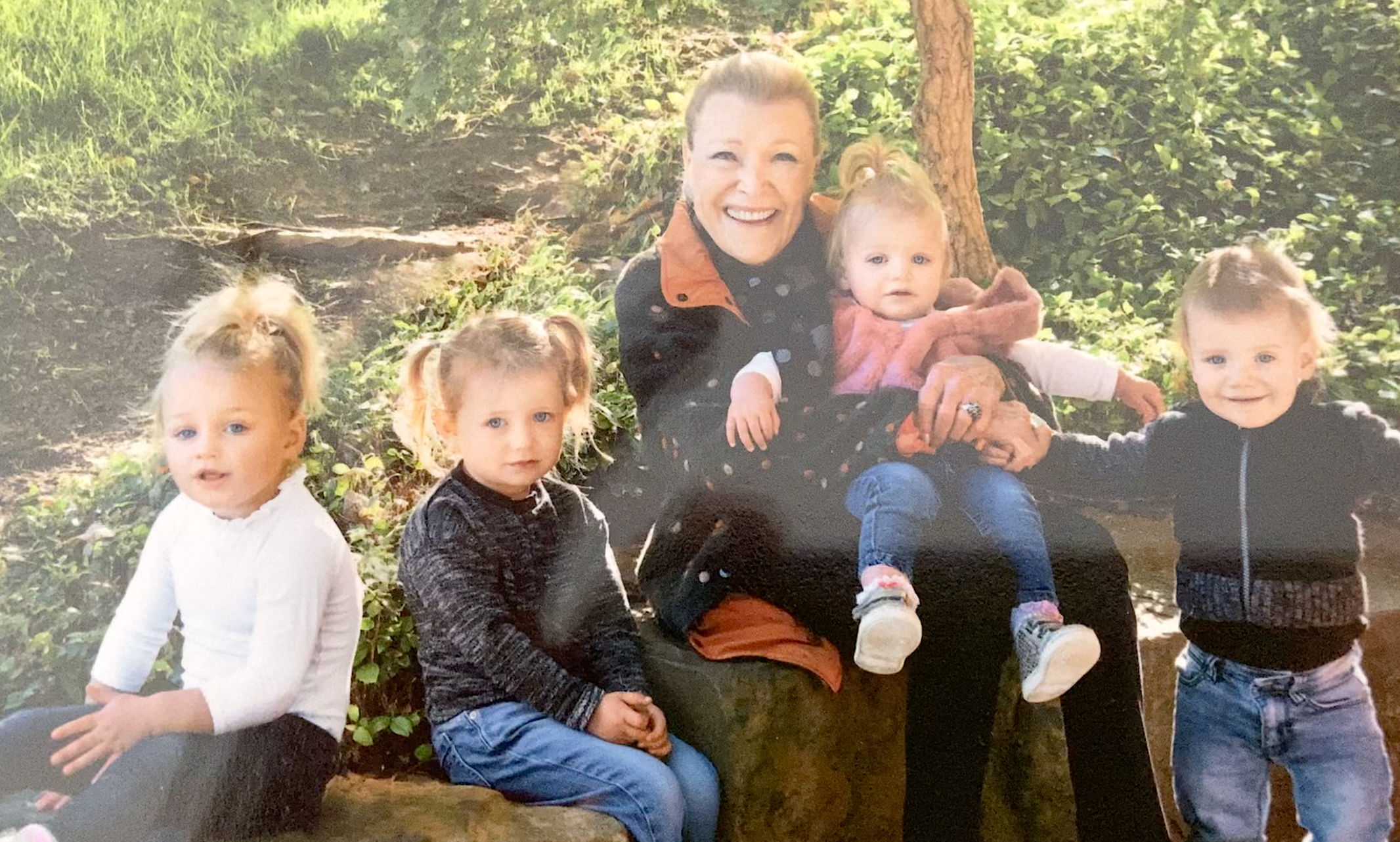
Introducing the SPARK Flossie Pack Center for Lifelong Learning
Flossie Pack’s children wanted to surprise her for her 93rd birthday. She did not expect them to donate $600,000 to support the lifelong learning center that she loves, which will bear her name.
“Our family started talking in early September about what my mom’s passions were and how we could honor her for her 93rd birthday,” Jay Pack says. “Our daughters – her granddaughters – reminded us how much she loved SPARK.”
SPARK is the Senior Peers Actively Renewing Knowledge program that operates on the University of Missouri-Kansas City campus. The organization offers regular classes, book groups and tours for retirees who have a passion for learning.
Flossie Pack, front left, at SPARK pre-COVID-19
“When I heard my mom was taking classes through SPARK I thought, ‘how cool!’” says Dee Pack, Flossie’s other son. “She has always been so articulate, well-read and interested in the arts. When I went to college and majored in music, she started piano lessons.”
One of the first classes that Flossie took at SPARK was basic computer skills.
“I didn’t know anything about computers, so I just signed up,” Flossie says.
“Now my mom Facetimes with her granddaughters all the time, which is what led to the idea,” Jay Pack says.
"Our family started talking in early September about what my mom’s passions were and how we could honor her for her 93rd birthday.” - Jay Pack
Pack contacted a lifelong friend and UMKC supporter, Ann Baum, for her advice. She recommended that Pack contact Lisa Baronio, president of the UMKC Foundation, to find out how they could help grow the organization.
“The Pack family’s devotion to honoring their mother and their vision and commitment to enhance lifelong learning is inspiring,” Baronio says. “We were excited to work together to envision a broader scope of program content and delivery in order to reach more seniors in the community.”
Last March, as SPARK was scheduled to begin its spring quarter, the COVID-19 pandemic transformed its programming in a dramatic way.
“Clearly we are a vulnerable population,” says SPARK Coordinator Bill Webb. “We wondered about going online, but had no idea how or even if we could. Some members said there was no way they would try.”
It was not an easy transition for some of SPARK’s 200 members. Ultimately, the members’ enduring commitment and curiosity led to a solution.
“We heard about holding classes on Zoom,” Webb says. “One of our instructors volunteered to give a class on classical music in May, and that worked!”
A recent SPARK outting
This unexpected challenge and the resulting solution paved the way for SPARK members to embrace new technology and envision the advantages of the updates that the Pack gift will provide.
“UMKC values lifelong learning and is proud to partner with programs offering lifelong learning opportunities to seniors in our community,” says Diane Filion, vice provost for faculty affairs. “The Emeritus College, the Cockefair Chair and SPARK are all part of that commitment. SPARK currently provides a lot of programming on a tiny budget generated by membership and course fees.They are a volunteer-based organization with a part-time office manager and a small classroom in a university-owned building on Troost. They have worried about their future financial security.”
The Pack family not only wanted to foster financial security for SPARK, they wanted to provide resources to expand the program.
“There’s a real bond between the students and the instructors,” Jay Pack says. “We wanted to provide funding to take the program to the next level through outreach and upgrading the technology and physical space.”
“When I heard my mom was taking classes through SPARK I thought, “How cool!” - Dee Pack
The gift provides funding for marketing and operational support, advertising, printing and mailing of catalogs, website development, as well as office and technology support to enhance SPARK’s ability to offer its courses via Zoom or other technologies that will allow participation by members unable to attend in person.
On her birthday, SPARK prepared a plaque with the new name of the center – The SPARK Flossie Pack Center for Lifelong Learning – and shared it with Flossie on Zoom. Her whole family, including her seven granddaughters, were present.
“She didn’t want credit or for the center to be named for her,” Jay Pack says. “But we are a close family. Everyone looks up to her, and it was great to see how much it meant to her.”
Flossie says after her first class about computers, she began to explore many different subjects including the Middle East and Western Civilization.
“The classes are so informational and I absorb so much,” she says. “And there’s no exam! A lot of us are repeat students.”
Dee Pack says the gift is a good fit because it honors his mother’s passion for learning.
“She was, and remains, so excited about her experiences at SPARK,” he says. “I hope I’m still passionate about learning at her age. We’re lucky to have a program that keeps people engaged, active, curious and informed.”
Flossie says she had no idea the gift was in the works.
“I was very pleased when they told me,” she says. “I mean, how many robes and scarves does one need?”
Feb 10, 2021
98.8 The River interviews UMKC Ph.D. student
Jordan Ayala, an eviction researcher and Ph.D. candidate at the University of Missouri-Kansas City, was interviewed. Ayala analyzed the court filings. Read more.
Feb 07, 2021
Yahoo Entertainment writes about UMKC student
Jackson Mahomes is a UMKC student. Read the article.
Feb 05, 2021
Tampa Bay Times interviews Mary Anne Jackson
In Kansas City, cases are the lowest they’ve been since October, said Dr. Mary Anne Jackson, an infectious disease expert and dean of the University of Missouri-Kansas City School of Medicine. Read the full article.
Feb 05, 2021
Flatland KC interviews Jacob Wagner
Jacob Wagner, associate professor of urban studies at the University of Missouri-Kansas City, said evictions are a poorly understood factor in neighborhood decline. Read more.
Feb 04, 2021
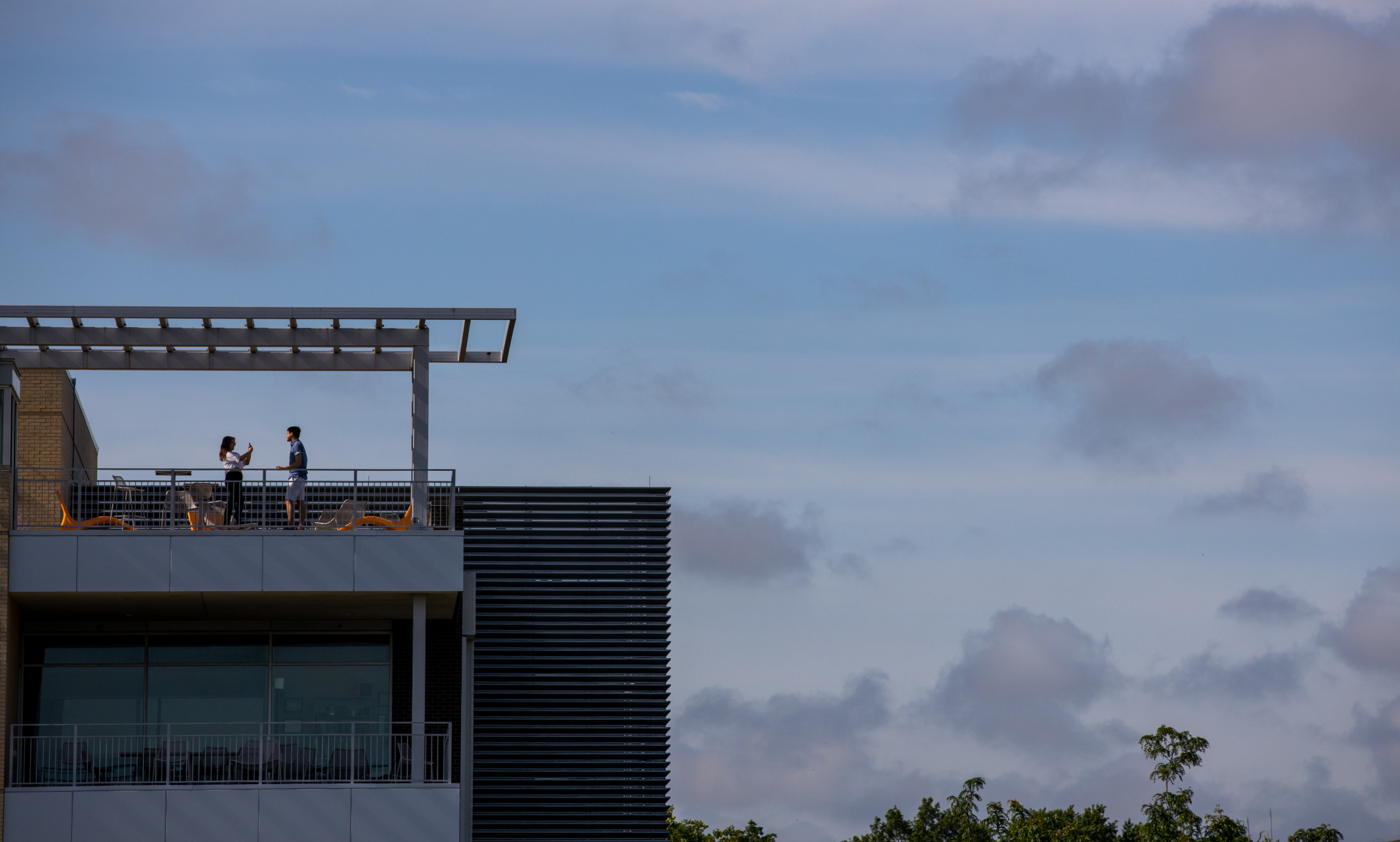
Kauffman Foundation donates $400,000 to stimulate on-campus innovation
Students, faculty and staff from all UMKC academic units, centers, institutes and other programs are eligible to apply for grants to fund projects designed to expand entrepreneurial activities at UMKC.
Thanks to support from the Ewing Marion Kauffman Foundation, UMKC has launched a new Entrepreneurship Innovation Grant (EIG) program. A total pool of $400,000 is available for grants over the next two years to support a broad variety of initiatives in entrepreneurship including curriculum development, technology commercialization, school and department initiatives, community service, engagement and ecosystem building. Collaboration among groups is highly recommended.
The first application period for the Entrepreneurship Innovation Grant is now open. Proposals must be submitted no later than 11:59 p.m. Sunday, February 28. The program, and the Kauffman grant that funds it, are the product of a joint effort by the UMKC Innovation Center, the Regnier Institute at the UMKC Bloch School of Management and the UMKC School of Law to help increase entrepreneurial activities and opportunities across UMKC.
“UMKC hosts an impressive array of entrepreneurial programs and services that reach deep into the university and the community to develop new ideas and talent that respond to the challenges of our region and help to shape its future. With this grant program, we are now providing direct incentives to stimulate even more collaboration and growth,” said Maria Meyers, executive director of the UMKC Innovation Center. “Converting UMKC skills, ideas and innovations into real-world applications and markets will drive better, more inclusive futures that will help us address and solve today's and tomorrow's challenges.”
Feb 04, 2021
College of Arts & Sciences student discusses fellowship with Arrowhead Art Collection
“There’s a wide range of media, which is something that should be applauded. That’s kind of hard to do in a stadium,” says Meghan Dohogne, a Ph.D. student at the University of Missouri-Kansas City, who has been working with the collection on a fellowship basis for about a year and a half. Read more from KCUR.
Feb 03, 2021
Kansas City media cover School of Medicine panel discussion
Bridgette Jones from Children’s Mercy, an associate professor of pediatrics at the University of Missouri-Kansas City School of Medicine, moderated a panel of several local experts on Feb. 4. Jannette Berkley-Patton with the University of Missouri-Kansas City School of Medicine also was on the panel. Read the Kansas City Star story. (subscription may be required). Read the KSHB story and watch the newscast.
Feb 03, 2021
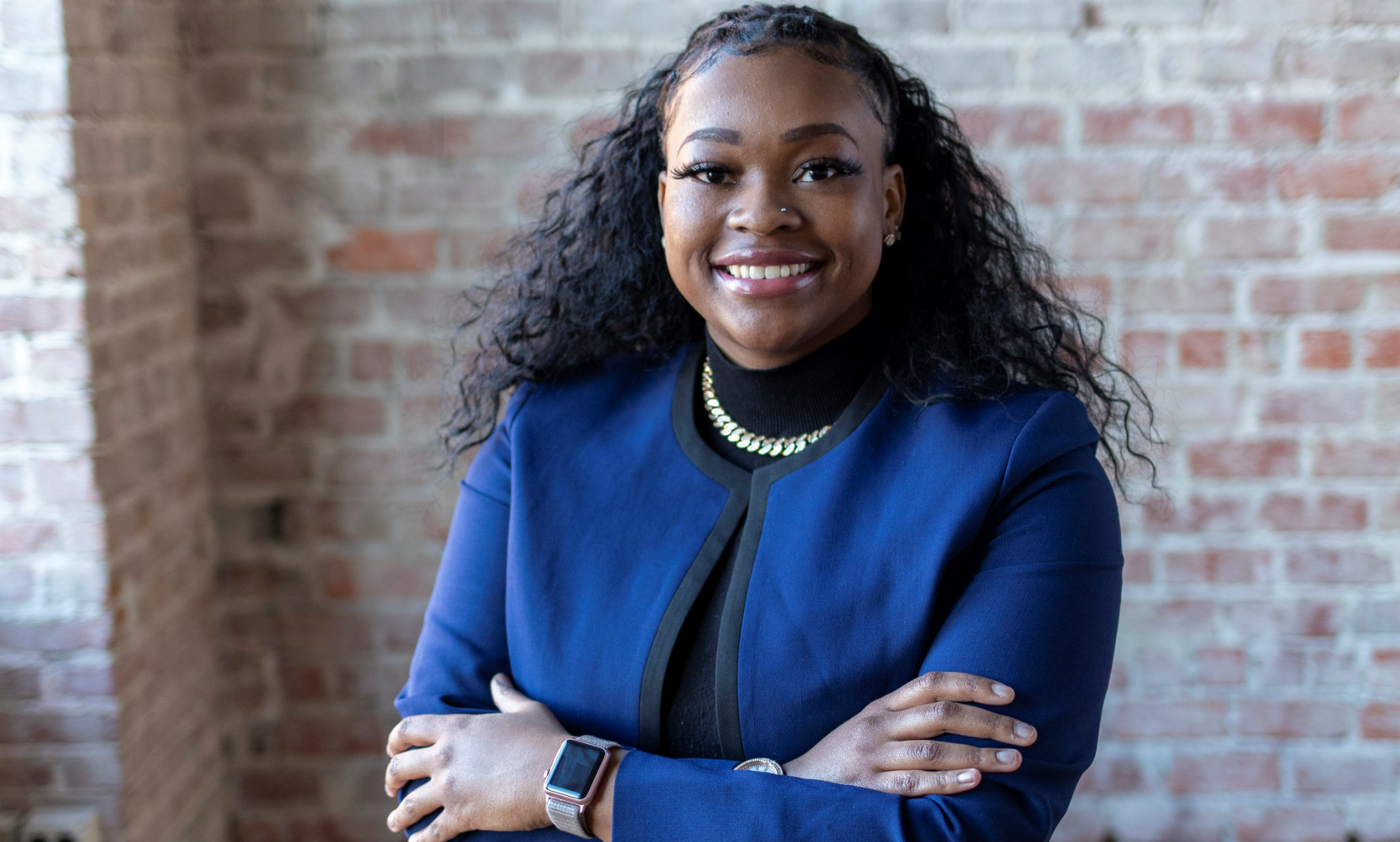
Shae Perry, B.A ’19, is carving out her own career path as a community engagement and media mogul
When Shae Perry makes it big, we can say “we knew her when…” The recent graduate, known by many as ShaeFromTheLou – her entertainment moniker – established a love for media early in her collegiate career and credits her faculty and staff mentors for helping to cultivate her potential.
As she uses her entrepreneurial experiences to carve out her own path as a media mogul and community advocate, her impact and influence span across highway 70 between Kansas City and her St. Louis, Missouri, hometown. We sat down with Shae to find out how things are going for the recent Communications Studies graduate.
Name: Shae PerryUMKC degree program: Communications Studies, emphasis in film and mediaGraduation year: December 2019Hometown: Saint Louis
"I learned that with a plan and execution, I could accomplish almost anything."
Tell us about your current position.
I'm currently a brand ambassador for Big Brothers Big Sisters KC. My role consists of connecting with leaders in our surrounding communities and finding ways to make beneficial collaborations. On weeknights and weekends, I'm an on-air radio personality on KPRS Hot 103 Jamz – FM station 103.3. My entertainment name is Deona HuSTLe. KPRS is the oldest, continually Black family-owned radio station in the United States. Both of my roles put me in more spaces to engage with the community. I’ve had the opportunity to do interviews and spread the word about our mission. It’s dual beneficial.
The competition is tough in entertainment. How’d you stand out and land the role at KPRS?
I had been consistently reaching out to KPRS for years trying to get my foot in the door. Every chance I got, I went to visit the station and make sure they knew my face. Angela Elam, one of my Communications Studies professors and the producer and host of New Letters On Air, encouraged me to attend a Missouri Broadcast Association Radio Camp where I received certification in radio marketing. I believe attending the camp to learn more about radio helped better equip me for my job at KPRS. After the growth experienced in Kansas City during college, I was determined to start my professional career here. St. Louis will always be home, though.
What brought you to UMKC?
A college recruiter visited my high school during my senior year. When I toured UMKC for orientation, I found out one of my group leaders was from my hometown, graduated from my high school and played basketball there under the same coach I did. Our similarities were a coincidence, but it helped me feel at home. Not to mention, my parents enjoyed the visit and my mother was really in love; so that was an easy “yes!”
What was your favorite thing about UMKC?
The UMKC campus was a perfect size for me to immerse myself in a variety of campus activities and in the classroom without feeling unheard. The student-to-faculty ratio was great for comprehending coursework and receiving extra help. The university also had various resources and groups to connect with, including the MSA Village, where I spent much of my time meeting peers and other leaders.
"The saying, 'it's not what you know, it’s who you know' rings true in my life, both in school and in my career."
Who was the most influential faculty or staff member at UMKC?
This is tough because there were so many, but there are two people I must mention who were influential in my younger years.
During new student orientation, I selected all the courses I’d take for my freshmen year, one of which was radio production. My advisor informed me that the professor typically only allowed upperclassmen and I’d probably be rejected. Luckily, Professor Angela Elam accepted my enrollment in the course and I really enjoyed learning about radio. Angela was also the advisor for K-Roo, the student radio station, and helped me get more involved to eventually become president my junior and senior years.
While I was learning radio, I took a couple of video production classes taught by Professor Kevin Mullin. I found a real love for creating and editing in that class and Kevin always went above and beyond in answering my many questions. Both Angela and Kevin were, and still are, great mentors to me and I appreciate them.
How did you choose your field of study?
I stayed open-minded throughout my four years. I took a variety of courses and hosted many campus events and parties. In 2017, I started my own videography and entertainment company, SFTL Entertainment. In 2018, Roo Athletics and the Office of Student Involvement asked me to emcee some of the men’s and women’s sports games. I had the opportunity in 2019 to write and direct my first short film and cast other UMKC students. Through all of this, I was still active as president of K-Roo. All of these activities helped me find my path in communications.
What’s the influence behind SFTL?
I started going by ShaeFromTheLou my senior year of high school. My school was very close to Ferguson, and when the unfortunate death of Michael Brown occurred, we halted classes for a few days due to protests. I and three other seniors banded together to help the Black-owned businesses in our community. When MSNBC wanted to do a story on us, I didn’t think my name on social media worked well. I wanted something catchy that still paid homage to my city, so ShaeFromTheLou. Any creative content I produce, I use SFTL. When I’m on the radio it’s Deona HuSTLe. Deona is my middle name and I believe the word hustle is one of the words that best describe me.
Wow! You have a lot going on. How do manage your time?
I haven’t had a break yet since I started working. I enjoy both of my jobs, so it doesn’t technically feel like work because it’s fun and I’m helping other people. However, I do want to make sure that I’m leveling up in both my business and personal lives, so I try to implement self-care and remind myself to take a day off if I’m stressed out.
What are the challenges of your field?
Communication, in general, is a broad field, there’s so much you can do in the industry. The most difficult part of that, for me, can be finding your niche. Even today I continue to find different things that interest me.
What are the benefits?
It’s such a fun field, especially for film and media, which is what my degree is in. I’ve had the opportunity to interview celebrities and get behind the scenes access at events; it’s definitely a timeless industry. The other benefit of communications is the ability to be creative, there’s nothing like seeing your vision come to life.
What did you learn about yourself while you were here?
I learned that I not only had an interest in being in front of the camera, I also had an interest in being behind it. I’ve organized community events and lead the student radio station and they both pushed me to become a better person. I learned that with a plan and execution, I could accomplish almost anything.
"The student-to-faculty ratio was great for comprehending coursework and receiving extra help."
How did UMKC help you reach your current position?
Connections and experience. The saying, “it's not what you know, it’s who you know” rings true in my life both in school and in my career. Many of the opportunities I’ve been given are due to faculty and staff members mentioning my name in important rooms. Carla Wilson was one of those staff members who always supported my aspiration by connecting me with other leaders and her positive reference went a long way. UMKC also gave me a lot of experience. Whenever I saw an opportunity, I took it. I hosted the Union Programming Board’s annual talent show, the K-Roo weekly radio show, organized campus events and more. I even had a chance to emcee KC Roos basketball games. All of those opportunities gave me a different perspective and most importantly experience.
What are your goals for the future?
My list of goals is lengthy, but I have a few key areas I want to focus on these next couple of years. I am interested in doing more public speaking engagements. I want to do public speaking to help young people know the work involved in achieving success. I'll be speaking at a workshop for teen girls in March about career planning.
I premiered my first short film last year titled “Court-side Reality,” and I enjoyed it so much that I want to write more YouTube series and films. I also enjoyed my time as the emcee for KC Roos basketball games and hope to emcee for more college or professional sports events. Finally, one of my long-term goals is to own a television and radio network and give others like myself a platform to be creative and be heard! I love bringing people together and all these goals help me do that in a creative way.
What is your advice for a student entering UMKC?
Stay open-minded and engage with your peers and faculty and staff members. Many of my connections came from being at events and networking. College is what you make it; be intentional about applying yourself and ask questions. Also, you won’t know you're skilled in something if you don’t at least try. I have tried things and failed, but I can at least say that I tried and learned how to do them correctly next time. Don’t shy away from opportunities because you are afraid to fail or afraid of what others will say. It’s all a part of learning yourself. Go for it, ask a lot of questions. It shows that you’re assertive.
Feb 03, 2021
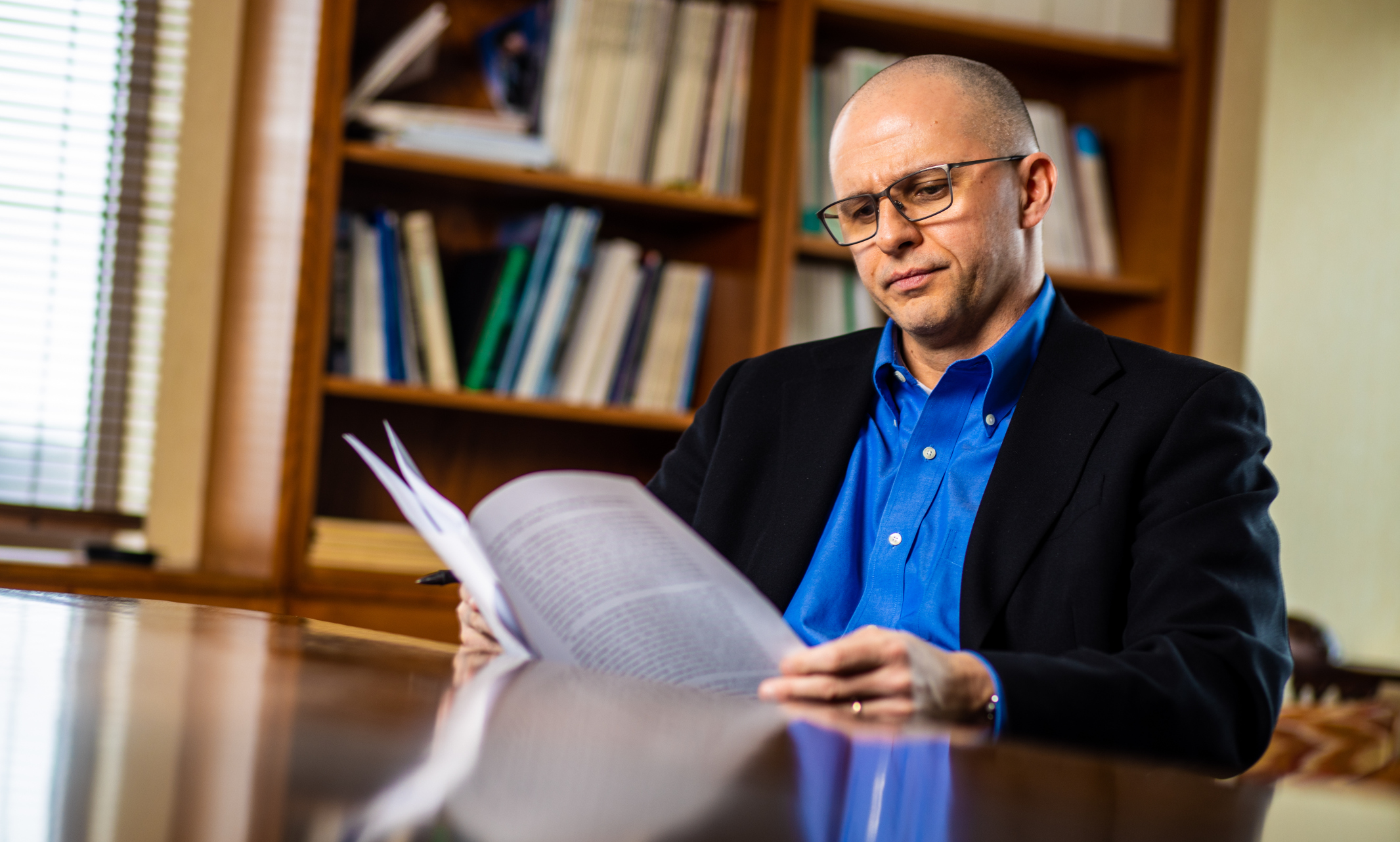
Christopher Garmon of the Bloch School is a nationally recognized expert
Christopher Garmon, assistant professor of health administration in the Bloch School of Management, has done extensive research on medical billing, with a focus on how insured patients often are shocked by huge bills from out-of-network providers.
The issue was partially addressed by federal legislation passed in late December. Once this surprise medical bill legislation goes into effect in 2022, most out-of-network providers will no longer bill patients directly. Instead, providers and insurers must negotiate how much the insurer will cover. If they can’t agree, an independent arbitrator would step in.
This was the kind of federal-level legislation Garmon and other experts have been advocating for years. He sat down with UMKC Today to share eye-popping examples of the kinds of situations the new legislation will affect.
How do you define “surprise medical bills” in the context of your research?
My research (and recent federal and state legislative efforts) have focused on surprise medical bills from an out-of-network provider that the patient did not expect and could not reasonably avoid. For example, if you go to an emergency room of a hospital in your health plan’s network, the expectation is that all of the care received at that hospital will be in-network. However, the emergency room physicians may be out-of-network even though the hospital itself is in-network. Because there is no contract between the out-of-network physician and your health plan, there is no agreed-upon price for the physician’s services. The physician can charge whatever amount she thinks is reasonable and the insurance company can reimburse whatever amount it thinks is fair. These two amounts are often far apart and the physician may bill the patient directly for the balance. It is this “balance bill” from the out-of-network doctor, often for hundreds or thousands of dollars, that places a devastating burden on the patient.
What are the health-care situations in which surprise bills are most likely?
Most of the research suggests that roughly 20 percent of emergency room cases lead to surprise out-of-network bills, although some recent research indicates that it may be even higher. Roughly 10 percent of newborn deliveries may involve a surprise medical bill (for example, when the hospital and obstetrician are both in-network, but the anesthesiologist administering the epidural is out-of-network). One area where surprise out-of-network medical bills are common is ambulance service. Roughly 50 percent of ambulance cases involve an out-of-network ambulance. In other words, if you have an emergency and call 911 needing an ambulance, it’s basically a flip of a coin whether that ambulance is in your health plan’s network or not. It is important to note that the federal legislation passed in December will not protect patients from out-of-network ground ambulance bills. In general, the more severe the injury or complexity of treatment, the more likely a patient is to receive care from an out-of-network provider.
Can you share one of the worst examples of exorbitant surprise medical billing that you’ve come across?
One of the most egregious cases was documented by Elisabeth Rosenthal for the New York Times who described the experience of a man who underwent an elective neck surgery. He made sure the hospital and surgeon were both in his health plan’s network when scheduling the surgery. He even made sure the anesthesiologist on call the day of his surgery would be in-network. However, during the surgery, another surgeon was called in to assist. This assistant surgeon was out-of-network and he received a bill from this surgeon for more than $110,000. This extreme case highlights that, without legal protections, there is no way to guarantee that a patient can avoid a surprise out-of-network medical bill even in elective situations and even when the patient takes every precaution to avoid them.
What can people do to protect themselves from surprise medical bills?
First, it is important to point out that those covered by Medicare (including Medicare Advantage plans), Medicaid and Tricare are legally protected from surprise out-of-network medical bills. For those with private insurance, it depends on where you live and the type of health plan you have. Unfortunately, until the new legislation goes into effect, there are many patients who are vulnerable to surprise out-of-network bills regardless of what they do to prevent it.
Some states have protections against surprise out-of-network billing. Missouri recently implemented a law protecting patients from surprise out-of-network medical bills, but only for emergency services. In addition, state protections from surprise billing only apply to patients covered by health plans that are regulated by the state. Many people who receive their health insurance through their employer have health plans that are regulated by the federal Department of Labor. State protections against surprise billing do not apply to them.
What needs to happen next?
Given the lack of protections for patients with federally regulated health plans, there was a strong consensus that a federal solution was needed. Still, the recent federal legislation does not offer complete protection for patients. While it protects patients from air ambulance bills, ground ambulances are excluded, so patients are still vulnerable to bills from out-of-network ground ambulances. Future federal legislation should protect patients from ambulance surprise bills.
Feb 03, 2021
KC Studio highlights manuscript stored in UMKC LaBudde Special Collections
For every performance of “Porgy and Bess,” an unknowable quantity of Black operas languishes in manuscript form, like John Duncan’s “Gideon and Eliza,” stored in the UMKC LaBudde Special Collections. Read the full article.
Feb 02, 2021
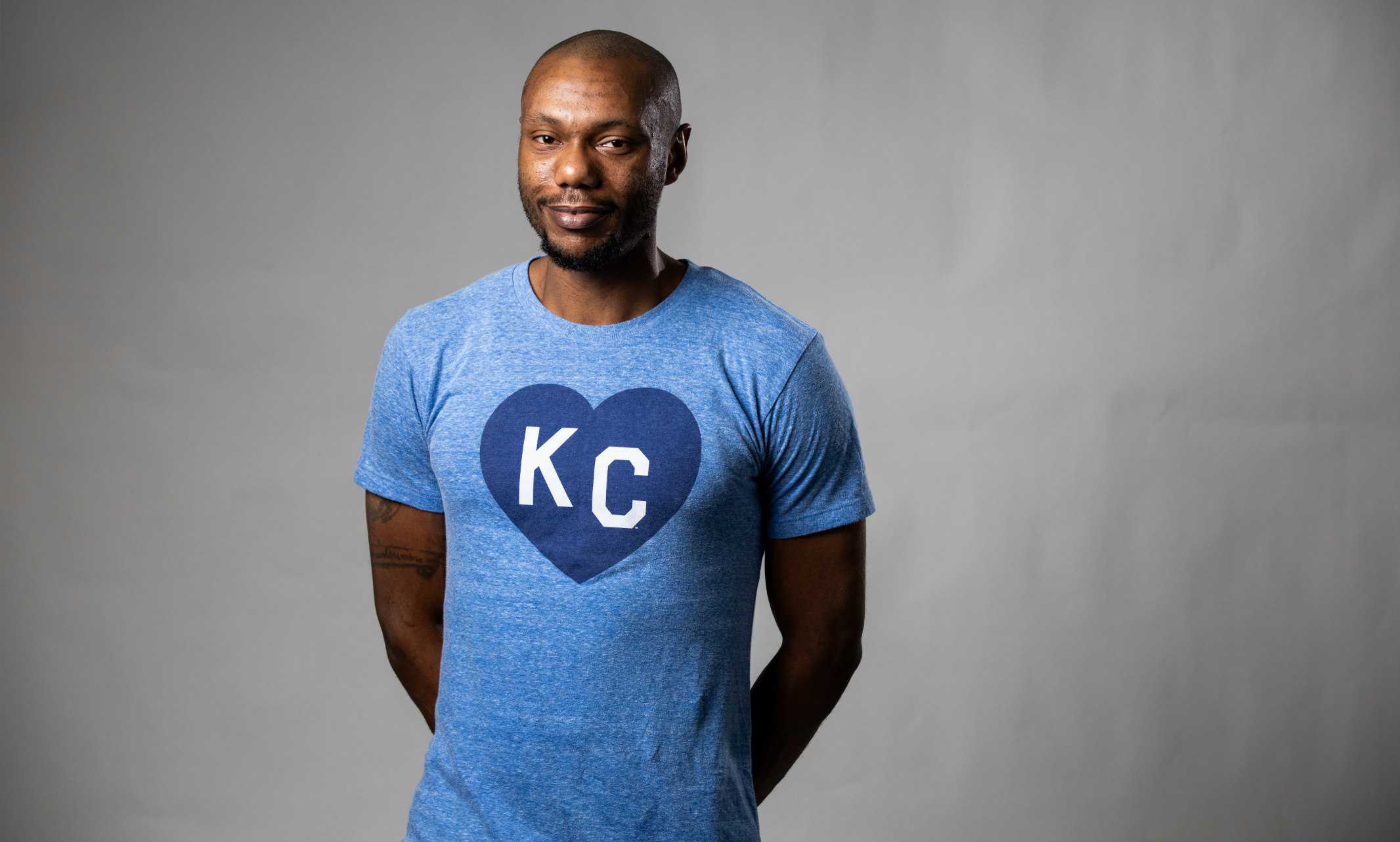
Matthew Ramsey finds success in education
Our ongoing story starts with people from around the world, converging here at UMKC. Get to know our people and you’ll know what UMKC is all about.
Matthew RamseyAnticipated graduation: Spring 2021Academic program: Bachelor of Liberal Arts, School of Education and College of Arts and SciencesHometown: Kansas City, Missouri
Matthew Ramsey is married with two young children. He has a job, coaches youth basketball and is pursuing his teaching certificate. With his quiet and easy-going nature, he makes it look easy – even when it’s not.
Ramsey has had to take breaks from his education, but he has always been determined to finish. He enjoys working with kids, so teaching and coaching seem like a perfect fit.
“I’ve always worked with younger students,” Ramsey says. “I helped take care of my younger family members and this is my fourteenth season coaching high school basketball.”
Ramsey attended programs at other schools, and there were times when he didn’t know if he would be able to graduate.
“With a family of my own to provide for and work obligations, I had almost given up hope of completing my degree,” Ramsay says.
When Ramsey visited UMKC he realized it was a good fit.
"With a family of my own to provide for and work obligations, I had almost given up hope of completing my degree." – Matthew Ramsey
“The campus is beautiful and they have a wide variety of class schedules which favored me as a non-traditional student,” he says. “It works for me because it is centrally located in the Kansas City area and is easily accessible and the proximity to my home made it an easy commute.”
Ramsey enrolled in UMKC determined to graduate.
“I’ve found the program to be great in preparing future teachers. I have always felt welcome and accepted, which is something I cannot say for other institutions I attended.
All of the staff are kind and helpful. And the advisors’ office is one of my favorite spots on campus. They have been great.”
“Raising a family, working and going to school – it’s a lot. But this program inspired me to go after my dreams.”
Ramsey is a Hazel Browne Williams Scholarship recipient. Williams earned her master’s degree in 1929 and became an associate professor of the UMKC School of Education in 1958. She was the first full-time Black professor at UMKC and the first Black professor given emeritus status at the university in 1976.
While Ramsey’s tenaciousness matches Williams’s, he says getting closer to graduation would have been much harder without the scholarship.
Ramsey says he has learned a lot about himself while he’s been in the program.
“Raising a family, working and going to school – it’s a lot. But this program inspired me to go after my dreams.”
“It’s forced me to reexamine my perspectives and reflect on my own background and bias,” he says. “But I’ve learned that no matter how many setbacks I have suffered – or no matter how many challenges are placed in my path – as long as I work hard and believe, anything is possible.”
Feb 02, 2021
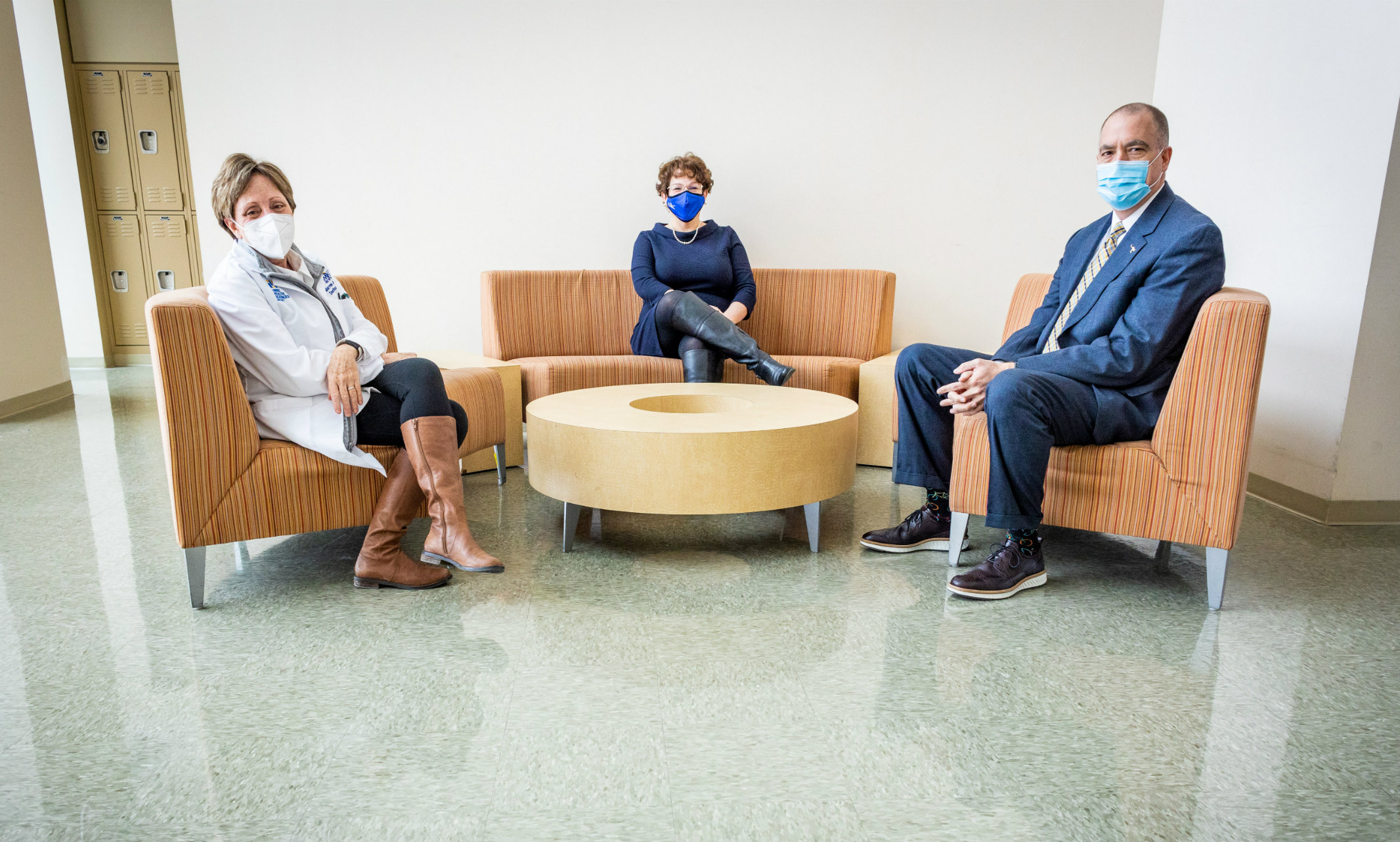
Updates on developments and distribution
UMKC is one of the fortunate few universities in the U.S. to have its health professions schools clustered on one campus, and its medical, nursing, pharmacy and dental faculty and students have been on the front lines fighting this pandemic since the beginning.
This Q & A round table with the UMKC Health Sciences Campus deans will be updated often with the latest information about the COVID-19 vaccine, its effects, distribution and developments.
Mary Anne Jackson, dean of the School of Medicine; Russ Melchert, dean of the School of Pharmacy and interim dean of the School of Dentistry; and Joy Roberts, interim dean of the School of Nursing and Health Studies, are involved in leading vaccination efforts for our campus and Kansas City area communities.
Need a vaccine?
We continue to offer vaccinations to members of our campus community through our partners at Truman Medical Centers/University Health. Register online or call (816) 404-CARE (2273) and press option 1.
After you get the vaccine, should you still follow social distancing guidelines? Should you still quarantine if you’re exposed to someone who’s tested positive for COVID-19?
Jackson: Yes, you should still mask and socially distance. The CDC just came out with new guidelines on quarantining. You do not need to if it's been two weeks or longer after your second dose.
Currently, there are two companies that have two-dose vaccines, Moderna and Pfizer. How are they being distributed?
Jackson: States are distributing, and there is no clarity on how many doses each site is given. It is in a tiered system, with frontline workers receiving in the first tier. (Here are the tiered vaccination distribution plans for Missouri and Kansas).
Roberts: Distribution of the vaccine from the federal government to the states has been a tremendous challenge. Once the supply is large enough and is rapidly distributed to the states, the benefit to Americans will be clearly visible.
Melchert: We are preparing and beginning to plan how we might more broadly impact our communities and especially those in Phase 1A, Phase 1B Tier 1 and Tier 2 who are currently eligible. Teaming with our regional and state partners to leverage our assets with theirs is essential to efficiently reach those who are eligible to receive the vaccine. To that end, we need to get vaccine and we are trying. It is really difficult right now with the short supply and high demand. However, I suppose the high demand is a good thing because the more folks who get vaccinated, the more likely we are to achieve “community immunity.”
Tell us about the Johnson & Johnson vaccine.
Jackson: The Johnson & Johnson vaccine has a good safety and effectiveness profile, a single dosage and no cold chain issues (they don’t require the ultra-cold storage like the current vaccines do), which makes this vaccine a potential game changer if we can get a large supply.
Why is it important for seniors to get vaccinated?
Jackson: Compared to a 30 year old, anyone 65 and older has a 100 times increased risk of dying from COVID, anyone 75 and older has a 1,000 times greater risk of dying and anyone 85 or older has a 10,000 greater risk of dying.
The vaccine supply is likely going to increase in the coming weeks: Pfizer has promised 200 million doses by end of March, Moderna 100 million doses and Johnson & Johnson an initial 20 million and then 60 million by end of April. All good news.
With the Johnson & Johnson vaccine access at pharmacies, seniors know how to navigate - this is where they get their flu shot - and should increase access and uptake.
How should people sign up for the vaccine?
Jackson: The best strategy is to register in multiple places, with your county, and with your primary-care physician on their websites (In Missouri, here are the Jackson, Clay and Platte county sites; in Kansas, here are the Johnson and Wyandotte county sites).
What is getting the vaccine like?
Roberts: The vaccine injection was done by the very skilled registered nurses at Truman Medical Center. The injection was not any more painful than any other shot, however the muscle was later sore for about 8 hours. After that, there were no issues. Our partners at TMC are operating a very well organized vaccination clinic providing expert nursing care and safety measures.
How effective is the vaccine?
Jackson: Both the Moderna and Pfizer have high rates of effectiveness, including against the UK B117 variant (a newer mutation believed to be more infectious) and has some coverage against the more mutated South African strain. It cannot give the infection, none of the vaccines contain live virus. It won’t change your DNA – it uses small amounts of messenger RNA that guides your body to make the antibodies, then breaks down; it cannot enter your DNA. It won’t cause infertility; there is no link to miscarriages or infertility. Still, those who are pregnant should consult with their physician.
How has UMKC helped the community with the vaccine?
Melchert: The School of Pharmacy has an army of student pharmacists and faculty pharmacists who are certified and very experienced with providing vaccinations, including the wonderful work they do every year to provide influenza vaccines for the UMKC community. Many of our students and faculty are also participating with many of our partner organizations in Kansas City, Columbia, Springfield and around the state. Dr. Cameron Lindsey and her team are partnering with the Medical Research Corp of Kansas City, the Greater Kansas City Dental Society, the Missouri Dental Association, KC CARE Health Center and others to offer a clinic in February for local area health practitioners, especially dental practitioners, pharmacists, nurses and emergency medical technicians and others in Phase 1A who have not otherwise had an opportunity to get vaccinated. Keeping our health care providers protected will increase capacity to serve those needing services.
Roberts: The School of Nursing and Health Studies has students and faculty who are educated and skilled vaccinators, ready to assist in the immunization effort as soon as mass vaccination sites have enough vaccine available. Our students have had the option to volunteer as COVID testers and as vaccinators at various sites in the metro area, including at the UMKC Student Health Center.
Jackson: Besides being vaccinators, we provide information about the vaccine at forums. The School of Medicine hosted “COVID Vaccine: Fact or Fiction,” a virtual community-wide forum with school faculty and alumni physicians on Feb. 4.
Give us your final thoughts about the vaccine.
Roberts: The COVID 19 pandemic has been a colossal challenge to the United States. The rapid creation of a safe, effective vaccine is nothing short of miraculous. This vaccine needs to be distributed as quickly as possible to all Americans, utilizing every trained vaccinator from registered nurses to pharmacists to physicians, while at the same time being shared globally. It will take immunizing the global population to end this pandemic.
Jackson: There are no restrictions on who can receive. The oldest and those with immune-compromising conditions may not have immune response that is as good as those who are younger and healthier, but there is no downside to the vaccine.
Melchert: The vaccine is a huge step for us to combat COVID. The more informed we can be about the safety of the vaccine, the more people can benefit from the protection it provides. However, keeping each other safe, even with the vaccine, includes continuing to be vigilant with wearing masks, washing hands, social distancing and remaining at home when you have symptoms.
Jan 28, 2021
Bloch associate professor weighs in for KMBC
“Just the speed at which it happened and the magnitude at which it happened certainly would make me nervous that it’s not here to last,” said UMKC associate professor of finance Nathan Mauck. Read the full story and watch the newscast.
Jan 27, 2021
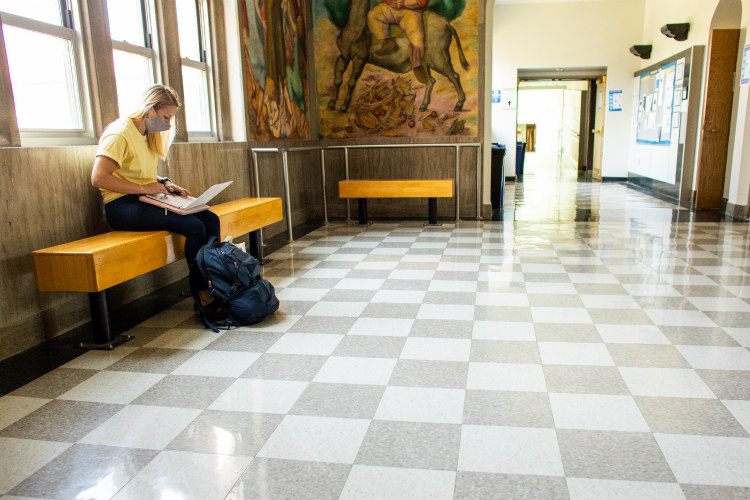
Students and alumni share their stories
Students face many challenges when making college decisions. For many, one of the biggest is deciding on a program of study. They want and need a program that is affordable and flexible and will prepare them for a great job after graduation.
The Bachelor of Liberal Arts degree at the University of Missouri-Kansas City College of Arts and Sciences is designed for those who seek scientific literacy, an understanding of social sciences and an appreciation of the humanities but do not wish to commit themselves to a specialty.
UMKC B.L.A. students gain maximum course flexibility and a tailor-made program providing an alternative to a traditional Bachelor of Arts or Bachelor of Sciences degree program. The B.L.A. program also is a good option for individuals who want to return to college and finish their degrees.
“The B.L.A. is a popular and great choice for these students as it is the most flexible program we offer in terms of transfer credits and ease of course scheduling,” said Emma Casey, UMKC College of Arts and Sciences manager of Recruitment and Outreach. “With our current world situation, I am seeing an influx in non-traditional, adult and transfer students applying to return to finish their degrees.”
A liberal arts program helps students become well-rounded in a variety of subjects and helps students acquire knowledge and skills about a variety of subjects and careers. Students learn a wide range of skills that prepare them for a variety of professions that can include account executive, analyst, business development manager, copywriter, communication specialist, physician, health care professional, entrepreneur, human relations specialist, journalist, lawyer, legislative assistant, nonprofit director, policy analyst, professor or public relations manager.
The UMKC degree is particularly beneficial to students who matriculate into the six-year medical program and pursue the combined B.L.A./M.D. degrees and those applying to UMKC School of Law through the early-entry law program.
A dedicated B.L.A. advisor is provided in the professional advising office. Students also can work with the specific departmental advisor in a chosen minor and can seek out any of the college’s advisors as they determine the focal points of their studies.
Meet some students and a graduate.
Vickie Goods
Vickie Goods
When you enrolled at UMKC, were you new to college or were you returning to finish a degree?
I returned as an adult learner. I took a 3-year hiatus from my academic journey. I've been pursuing my bachelor's degree since I was 19. I enrolled at UMKC in 2018.
Why did you decide to finish the degree?
I continue my academic pursuit to be a role model for my two adult children, Ashley 28 and Jordan 21. I wanted to show them you never give up on your dreams. It's never too late to start over and create a new beginning. My initial goal was to graduate with a business administration degree, but life took me on a different path.
Why did you choose UMKC?
I submitted applications to several universities in the local KC metro area. I wanted to have the full college campus experience that I experienced when I first began my journey. I felt more connected with UMKC. I like the diversity and I knew this is where I should attend.
Why did you choose a Bachelor of Liberal Arts degree?
I didn't choose a Bachelor of Liberal Arts degree, it chose me. I had earned college credits from previous universities.The accumulation of those credits happily aligned me in the Liberal Arts department.
What are your career/job plans?
When I close this chapter of personal achievement, I plan to enroll in a graduate program to obtain a degree in social work, counseling or Christian leadership. I plan to spend the first few years after graduation working as a school counselor or entry-level nonprofit position. I look forward to a future where I can use my tools and resources to serve others.
When will you graduate?
May 2021
"I wanted to show them you never give up on your dreams."
What do you want people to know about getting or finishing a college degree?
Be patient. Embrace the journey. Seek assistance and utilize resources that's available to you. It's okay not to be okay at times, just don't give up on yourself!
What do you want people to know about UMKC?
The faculty, staff, instructors and advisors want you to succeed. Speak up and tap into the resources.
What do you want people to know about you and any challenges you have had?
I endured many detours and realignments upon my journey. I graciously accepted each challenge of womanhood. Once I gathered all my broken pieces, I created a mosaic of self-love, strength and joy. Remember to take time for yourself as you set goals. Focus on the progress and never be anxious about the accomplishments. Don't be afraid or ashamed to hit the reset button whenever necessary. Trust yourself, enjoy and embrace the journey; you will arrive at your destination at the right time.
Rebecca Overbey
Rebecca Overbey
When you enrolled at UMKC, were you new to college or were you returning to finish a degree?
I returned to UMKC to finish my degree. With the B.L.A. program, I am able to continue my career path and achieve my goal of completing a degree. The program I previously studied was different than the one I am pursuing now.
Why did you choose UMKC?
I did look at other schools; however, UMKC provided a program that other schools did not, which would allow me to complete my degree faster than the other schools.
Why did you choose a Bachelor of Liberal Arts degree?
The B.L.A. program accepted all of my credits from other schools I have attended.
What are your career/job plans?
I currently have a job that I enjoy and getting a bachelor’s degree will provide me the opportunity to further my career with my company.
When will you graduate?
Aiming for fall 2021
"UMKC provided a program that other schools did not, which would allow me to complete my degreefaster than the other schools."
What do you want people to know about getting or finishing a college degree?
It was certainly a challenge getting back into the swing of school, but I feel that I have more motivation to earn my degree than I have in the past. I would tell others that not every person’s college path looks the same and it’s the end result that matters the most. Your timeline is your own.
What do you want people to know about UMKC?
I have attended a few schools and what makes UMKC different are the professors. All of my professors have cared about me as an individual, which is something I was missing at the other schools I attended.
What do you want people to know about you and any challenges you have had?
While completing my degree in my early 20s, I went through an entire semester of classes with a case of mono that went undiagnosed until the semester was over. Not only did this ruin my motivation to continue with school, but it made me feel as though earning a degree was unattainable. My confidence in my intelligence was broken. I decided at that time to focus on my career and I have worked hard to get to where I am within my company today. I have always said that I would consider finishing my bachelor’s degree if it was required for future career advancement. So, to give myself potentially more opportunities, I started taking classes, just one at a time, to rebuild the self-confidence I had once lost. Not only have I gained that confidence back, but I feel more confident in my job as well. My college career has been anything but traditional and I don’t think I would change the direction it has taken me.
Jessica Keith
Jessica Keith
When you enrolled at UMKC, were you new to college or were you returning to finish a degree?
I transferred to UMKC as a sophomore, still unsure of what I truly wanted to major in. I entered as a criminal justice and criminology major before switching to English, then sociology and finally to the B.L.A.
Why did you choose UMKC?
I initially chose K-State for the scholarships they offered. When I decided to move back to my hometown of Kansas City, UMKC was my first choice. I had visited UMKC in junior high for a writing program, and remembered loving the campus. The urban environment was a welcome change from the rural campus I was used to.
Why did you choose a Bachelor of Liberal Arts degree?
The Bachelor of Liberal Arts degree was perfect for someone as intellectually curious and indecisive as me. I changed my major a whopping seven times between both schools I attended, which left me with many credits across the liberal arts but few toward any specific degree. I loved that I could combine coursework in my many areas of interest to build the B.L.A. degree.
What are your career/job plans?
The breadth of the B.L.A. and the many skills I learned in my courses enabled me to work as a test prep tutor for two years, which I absolutely loved. From there, I began working in education administration, which led me back to UMKC, where I now serve as the senior executive assistant in the College of Arts and Science dean’s office.
When did you graduate?
December of 2016
"The Bachelor of Liberal Arts degree was perfect for someone as intellectually curious and indecisiveas me."
What do you want people to know about getting or finishing a college degree?
While future job prospects are an important consideration, a college degree has so much more to offer. The skills you gain, people you meet, perspectives you learn and experiences you find and create will bring fulfillment and growth to your life no matter what you end up doing with your degree. And it probably won’t be what you planned!
What do you want people to know about UMKC?
UMKC is a place where people care about you as a person, not a number. There are so many unique opportunities on campus and in the local community, so you can really explore and find your passion.
What do you want people to know about you and any challenges you have had?
Life will get in the way of education. Whether it’s work, or family, or health, or a global pandemic, the important thing to remember is why you are working so hard toward your degree. As a first-generation college graduate and the oldest of six siblings, I was motivated to prove to myself and my family that success is possible when we stretch. But a degree isn’t the end. Keep learning and stretching and pushing past the growing pains, and opportunities will come your way.
Jan 27, 2021

HUD funding for UMKC in partnership with Children’s Mercy and city
The U.S. Department of Housing and Urban Development has awarded $700,000 to the University of Missouri-Kansas City to explore and evaluate best practices for identifying and removing lead paint hazards from Kansas City homes.
The grant is in partnership with the Kansas City, Missouri Health Department's Childhood Lead Poisoning Prevention Program and Lead Safe KC Project, which helps remove lead paint hazards in homes of families with young children; and Children’s Mercy Environmental Health Program, which has assessed more than 1,400 homes for environmental risks and supports allergen research.
Homes that were built before 1978 might contain lead paint, which could put residents, especially young children and pregnant women, at risk for lead poisoning. Lead poisoning can cause speech delays, brain damage and other health effects.
Using Kansas City and Children’s Mercy data, the UMKC Center for Economic Information will perform a comparative impact analysis of the specific lead hazard control treatments used in the intervention in terms of blood-lead levels and social costs.
“The goal will be to develop a data-driven quality improvement evaluation model that HUD-sponsored lead-hazard control programs will be able to use in the management and performance evaluation of their own programs,” said Doug Bowles, Ph.D., director of the UMKC Center for Economic Information, co-principal investigator on the grant.
“An additional goal will be to develop a data-driven, housing-based index that lead-hazard control programs can use to select the homes most in need of lead-based hazard remediation,” said Steve Simon, Ph.D., of the School of Medicine and co-principal investigator on the grant.
The study will examine data from the Kansas City Health Department, comparing lead poisoning information with home repair strategies to determine the most effective, sustainable and cost-efficient methods of protecting families.
Jan 27, 2021
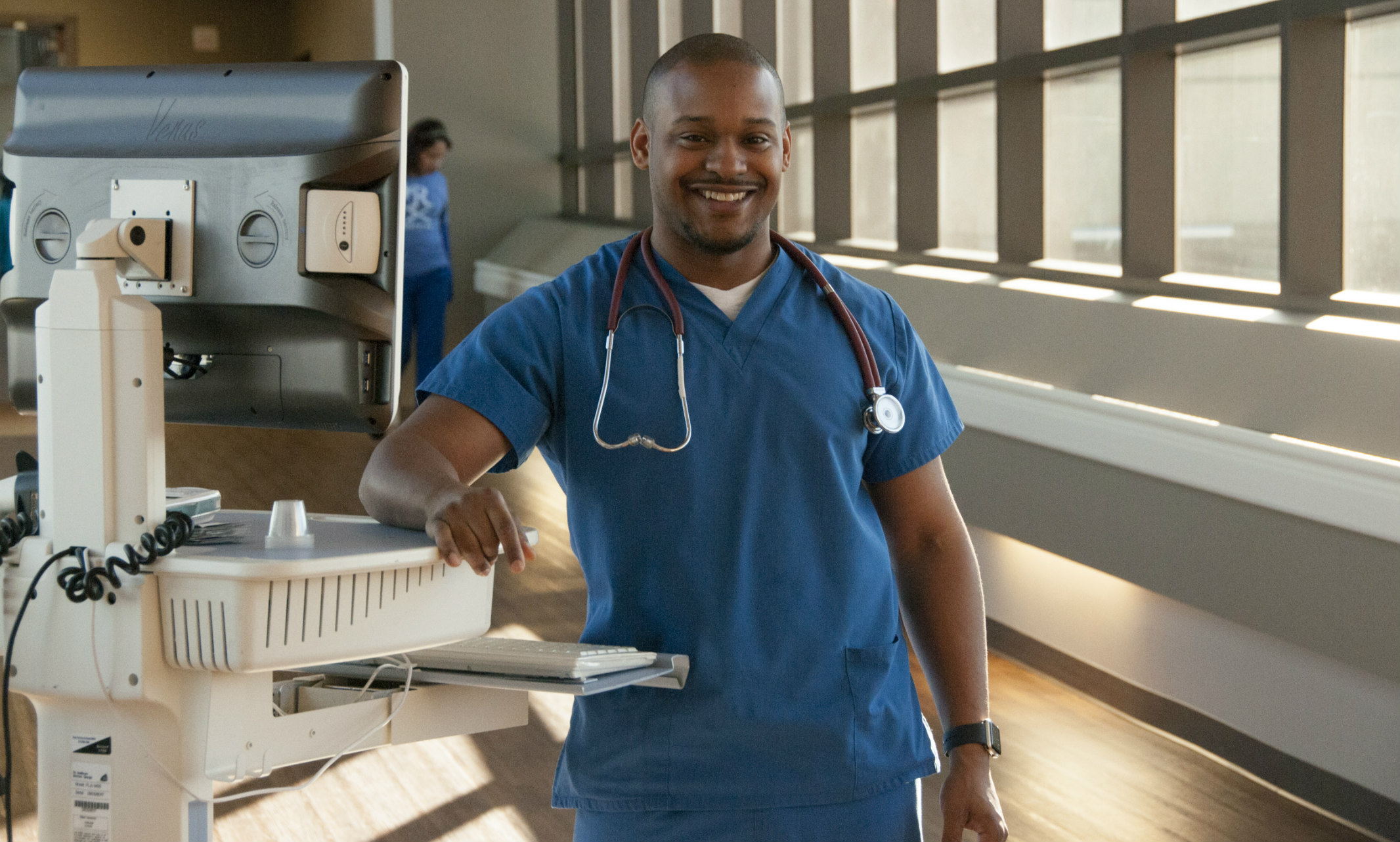
U.S. News & World Report evaluates online graduate programs
The University of Missouri-Kansas City School of Nursing and Health Studies ranked No. 23 among the nation’s best online graduate nursing programs of 2021 by U.S. News & World Report, giving it at least a Top 30 ranking for the ninth year in a row.
The UMKC ranking, released Jan. 26, is the highest of any university in Missouri or Kansas. UMKC climbed three spots from last year’s No. 26 ranking.
The UMKC School of Health Studies takes pride in the continuing recognition of its online Master of Science in Nursing (MSN) program as one of the best in the nation, said Joy Roberts, interim dean. This past year, it has meant more than ever.
“The pandemic has demonstrated the value and the need for high-quality online nursing education,” Roberts said. “Our May and December 2020 online MSN graduates went right to work on the front lines of the battle against COVID-19 in hospitals locally, regionally and nationally.”
The UMKC School of Nursing and Health Studies is a pioneer in distance-learning programs, offering online advanced degree programs since 2002. The programs offer busy professionals a high-quality but convenient way to further their careers and meet the needs of an evolving health care system.
Online students are expected to participate in online discussions as if they are present in the classroom. Technology offers two-way communication in real time via multiple modes. Students also experience on-site learning through summer institutes where they are required to attend clinical training or dissertation work sessions, and deliver presentations to classmates and faculty.
UMKC offers a variety of online graduate nursing tracks, including Master of Science in Nursing (MSN) and other options:
Adult-Gerontology Primary Care Nurse Practitioner (AGNP)
Family Nurse Practitioner (FNP)
Neonatal Nurse Practitioner (NNP)
Nurse Educator (NE)
Pediatric Nurse Practitioner (PNP) Primary Care and Acute-Care (AC PNP)
Psychiatric Mental Health Nurse Practitioner (PMHNP)
Women’s Health Nurse Practitioner (WHNP)
Ph.D.
Doctor of Nursing Practice (DNP)
U.S. News began ranking online education in 2012. The categories include faculty credentials and training; student engagement; admissions selectivity; peer reputation; and student services and technology. U.S. News began their data comparisons with more than 550 institutions that had accredited graduate degree programs in nursing. Among the ones that replied, more than 194 said they offered online graduate nursing programs. The number of online nursing programs is continually growing nationwide.
Jan 26, 2021
Mary Anne Jackson, School of Medicine dean, was a guest on KBIA.
Like most of its area counterparts, the Unified Government Public Health Department is struggling to navigate the distribution of the COVID-19 vaccine. Until we all have been inoculated, the dean of the UMKC School of Medicine says now is "not the time for us to let down our guard." As a new coronavirus strain gains traction in the U.S., it's important to continue following guidelines to prevent spreading the disease. Listen to the podcast.
Jan 25, 2021
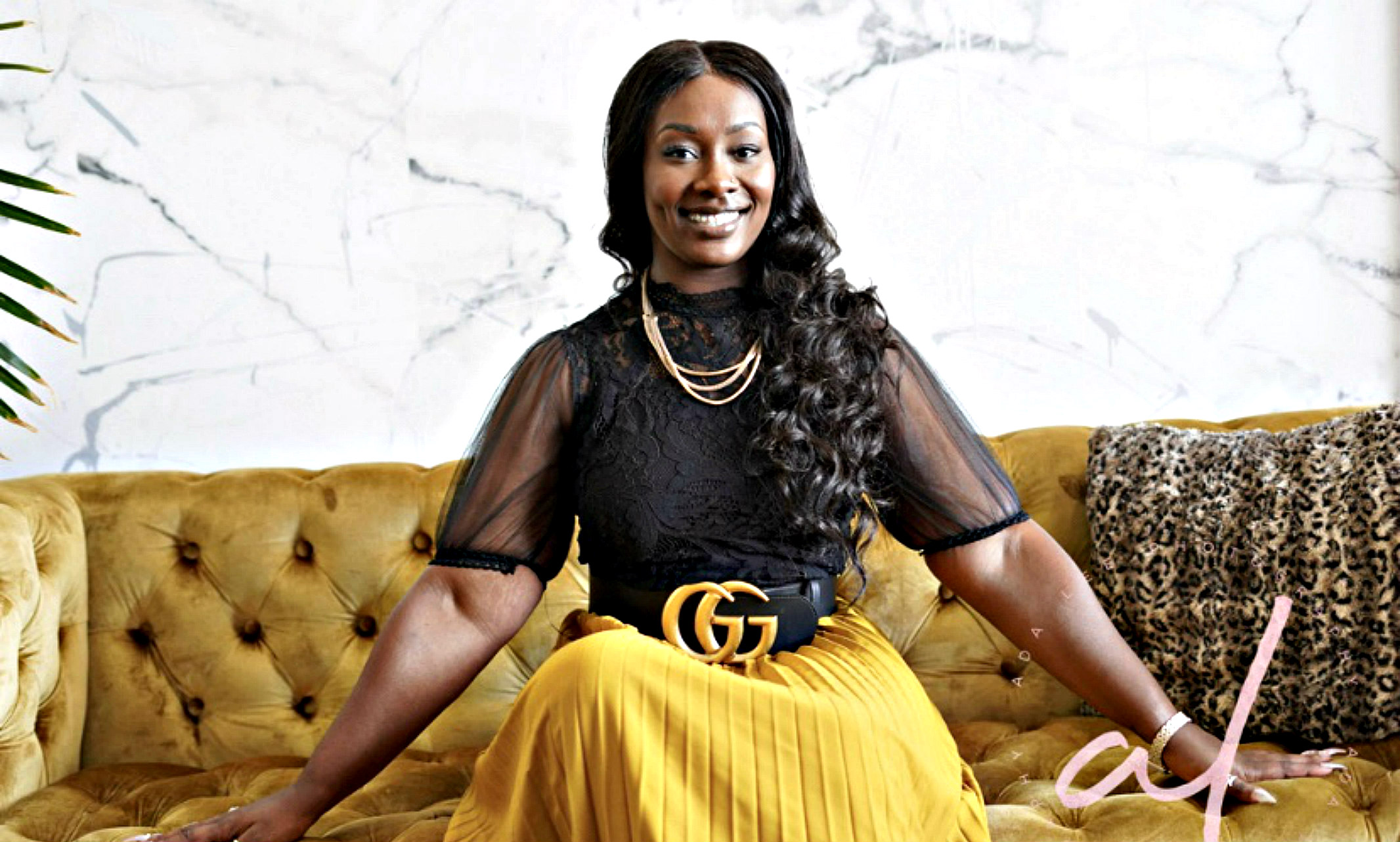
Bloch grad and former basketball player is a Dallas Black Chamber of Commerce vice president
Our ongoing story starts with people from around the world, converging here at UMKC. Get to know our people and you’ll know what UMKC is all about.
Jade Tinner ‘12 Academic program: Business Administration -- Marketing, Henry W. Bloch School of ManagementHometown: Canyon, Texas
Jade Tinner runs her public relations firm, JTBE INK, while serving as vice president of community investment for the Dallas Black Chamber of Commerce.
Tell us about your current position.
I’m currently the vice president of community investment for the Dallas Black Chamber of Commerce. In my position, I develop and implement strategic plans to ensure that communications, programming and corporate relations are effective and support the mission and goals of the DBCC and deepen the organization’s impact in the community.
Was it solely basketball that brought you to UMKC? What else appealed to you about campus or the experience?
Basketball introduced me to UMKC, but the campus and coaching staff is what influenced my decision to commit to UMKC. I also loved the fact that It was far away from my hometown. I was ready to experience something new.
What was your favorite thing about UMKC?
The opportunity to be involved in other activities outside of sports. During my time I served as the treasurer of The African American Student Union, won the Miss Black & Gold pageant and am a member of Delta Sigma Pi.
How did you choose your field of study?
I always knew I was going to own something, and I needed to learn all I could about business and all of its functions. Marketing seemed to make the most sense for me as a creative.
What are the challenges of your field?
The main challenge in the marketing field is the broad overgeneralized definition of “marketing.” With technology changing daily, new marketing trends emerge as soon as you learn the last one. But the challenge of competing with yourself daily to be better than the day before is exciting.
What are the benefits?
Marketing at this time is the era of digital everything. For a creative like myself, this gives us the opportunity to really step outside of the norm, (because what is normal now?), think outside the box and explore, test and improve new and existing marketing efforts.
Has the discipline of being an athlete helped you in any way as far as digging in and getting through this challenging time?
Absolutely. I always say that basketball was my first love and my first teacher. It taught me to really buckle down and work hard on myself to be in the best shape possible or – in the best headspace possible – to accomplish everything going on. Off the court, I still have to make sure that I'm taking care of myself and I'm taking care of business.
Tell me a little bit about the business. What are you working on, how did it evolve and how is it working out?
It’s a lot like college. I always say I was so used to being busy, especially playing basketball and being involved in other organizations on campus. I was always going. That's the still the space I operate in. I want to be busy. I want to be doing something. I want to be helping people.
"The main challenge in the marketing field is the broad overgeneralized definition of 'marketing.'" — Jade Tinner
As the vice president of community investment for the Dallas Black Chamber of Commerce, we advocate for the creation, growth and general welfare of Black-owned businesses in the North Texas region. I was on the board of directors before taking the full-time role as marketing director.
I started the One Unified Resource Foundation – or OUR Foundation. The biggest initiative is mentorship for young men ages 12 to 18. We're actually getting ready to implement the program in a local high school here in Texas.
It seems that the combination of philanthropy and business is part of your mission. Has giving back always been something that you've been interested in doing even before you were working?
I think it just comes naturally and I feel like it’s what we're supposed to do -- or at least what I'm supposed to do.
Did you see that in your family or your community growing up?
Some of the giving back was a learned behavior. And then some of it is just seeing how hard my mother worked, my grandmother worked and my great grandparents worked. They instilled that in me.
Also, my grandpa always said “Never, never let someone go hungry.”
So, I love feeding people whether I’m cooking at home or it's going out to eat. I love to provide an experience, whether it's through one of our organizations’ events helping these young boys, or it's an event or program through the chamber.
In your opinion what are the most important areas a business owner should be focused on right now. And is it different for Black owned business than it is for business in general?
There aren’t differences on what the focus needs to be, but there are differences in the way we have access to capital.
I think the main focus for 2021 is obtaining enough financial capital to sustain the business. How are you going to obtain that? Are you applying for government relief funding? What is your relationship with your financial institution?
One of the major differences for Black-owned businesses or minority-owned business is the lack of relationships with their financial institutions. A lot of people in the United States discovered that when the first round of relief funding happened.
"I want to be busy. I want to be doing something. I want to be helping people." — Jade Tinner
Another really big takeaway from 2020 is that business owners should focus on being virtually and digitally present. And we need to plan long-term. There is no timeframe of when this could be over. So, how is your business going to sustain?
And then once this is “over,” business is going to look totally different. So, you need to know how your business is going to be able to stay up with the new technologies and how services are provided.
Do you have predictions on how it's going to look different?
The pandemic has changed so many things. For example, we know there's money that can be saved because now we know that people can work from home effectively.
In addition, a lot of new businesses have been created within the year because people lost their jobs and they had to figure out ways to stay alive. They may have turned their side hustles into their full-time means of income. We've seen a lot of new businesses like this coming to the chamber.
You have posted on social media about the focus on women creating wealth. Why is that a priority for you?
Specifically for me and in the chamber, I've worked in male-dominated industries. Most of us do, and, being an athlete, I always dealt with assumptions like the idea of boys being better at handling the ball than girls. I want that kind of mindset to change. I’m responsible for corporate partnerships and external communication at the chamber. I wanted to see what our history was in these areas and women’s names are very, very scarce. It’s been one of my focal points as a part of the staff to recognize that Black women are making contributions to our community and our business community.
"I always dealt with assumptions like the idea of boys being better at handling the ball than girls. I want that kind of mindset to change." — Jade Tinner
Right now, Black women are the number one leading demographic in the state of Texas for new startups. So, it's amazing that there is a need to bring this to people’s attention. Still, the average revenue for these businesses is around $40,000. Imagine $40,000 being your sole means of income and the capital to fund your business.
So, it's very important to feed financial capital into these businesses as well as social capital, because networking with like-minded people – like-minded business owners – that you can partner with and collaborate with is part of our focus.
What are your goals for the future?
To change the world! Within that there are some milestones to accomplish all for the betterment of our communities.
Learn more about Jade
What is one word that best describes you?
Blessed
Do you have a motto you live by?
Let’s get LIT (Live Intentional Today)!
Treat others how you want to be treated!
Were you a first person in your family to attend college?
I am not the first to attend college, but am the first to graduate from college. I’m the manifestation of all of the hard work my mom, grandmother, and great grandparents put in.
What did you learn about yourself while you were here?
I learned that I am definitely a city girl! Being in Kansas City opened my mind to all of the possibilities that are out there in the U.S. and across the world. I also learned how to be an adult, overcome obstacles and persevere through hard times.
What’s your favorite place in Kansas City?
My favorite place in Kansas City is the Jazz District. So much history and culture in one concentrated area.
What is your advice for a student entering UMKC?
Find a mentor, find your group of friends, get involved, save your money and enjoy your entire experience.
Jan 25, 2021
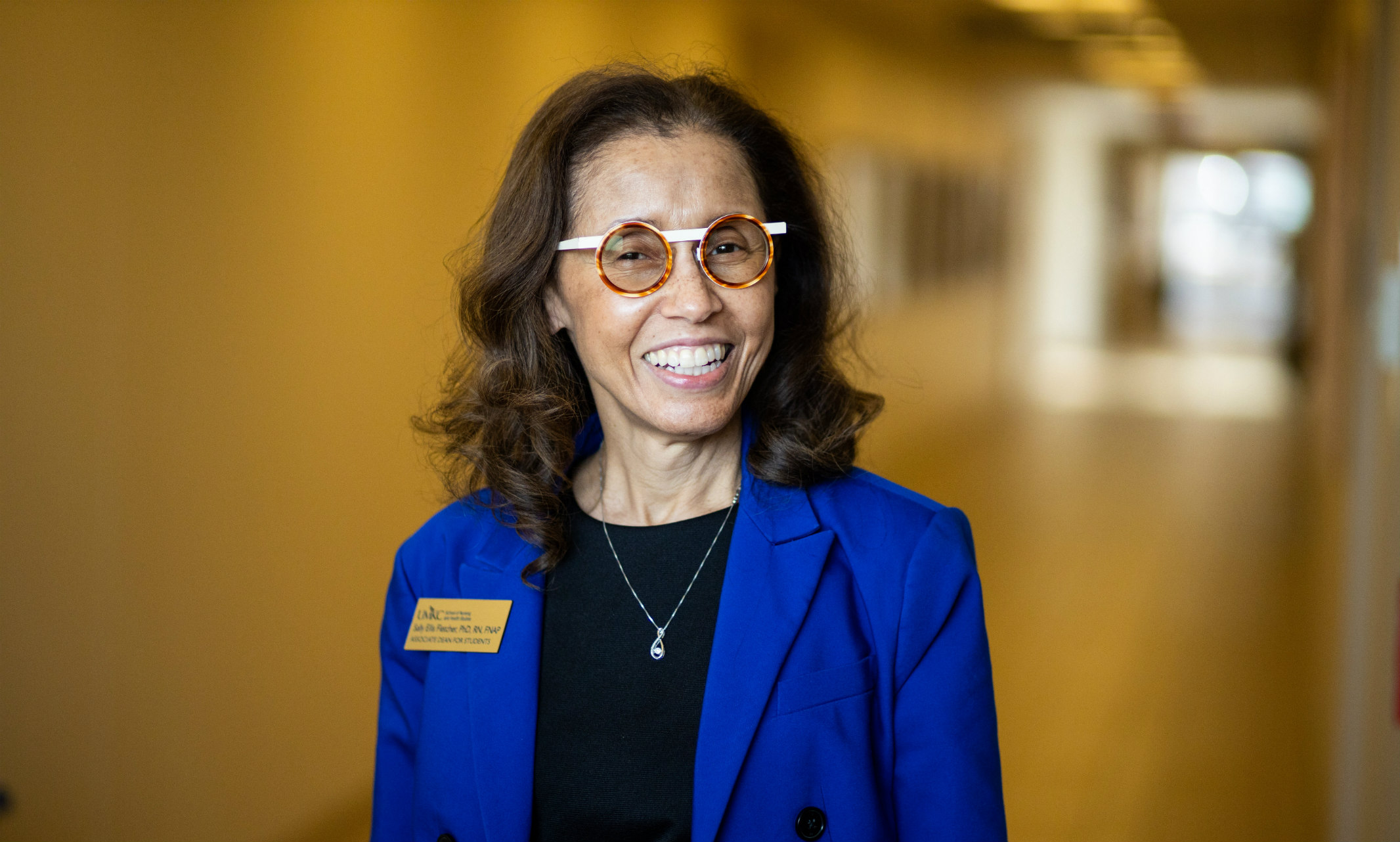
Sally Ellis Fletcher shares her passion for nursing, education and social justice
The Black Excellence At UMKC series helps to increase awareness of the representation of diversity and equity on campus and show a visible commitment to the inclusion and recognition of Black faculty and staff. This series celebrates and highlights Black and Roo faculty and staff working behind the scenes and on the frontlines to help our university achieve its mission to promote learning and discovery for all people at UMKC and the greater Kansas City community.
Sally Ellis Fletcher developed her passion for education, nursing and social justice when she was just a child. She’d dissect grasshoppers and demonstrate to her toys what she was doing. As a teenager, she worked in an infirmary and enjoyed caring for the students. Having grown up in a family that was active in social justice, she was leading her first workshop by the age of 14. So, her current role as associate dean for students at the School of Nursing and Health Studies is a natural blend of the causes she cares most about. In our newest Black Excellence At UMKC feature, Ellis Fletcher shares how she combines her servant leadership and career experiences to help inspire future care providers.
"While I’m not working directly in health care, the principles of patient care are still at the core of what I do."
Name: Sally Ellis Fletcher Job Function: School of Nursing and Health Studies, associate dean for studentsTenure: 2015Hometown: Kansas City, MissouriUndergraduate University: Avila University (College)Graduate University:UMKC Master of Science, Nursing, Women’s Health CareUMKC Post-Master, Nurse Practitioner, Women’s Health CareUniversity of Rochester, Rochester, New York, Ph.D., Dissertation - Entrepreneurship in Nursing
Why did you choose UMKC as the place to grow your career?
The mission and vision of UMKC align with my personal values, especially the six core values of the School of Nursing and Health Studies: respect, inclusion and diversity, integrity, excellence, innovation and health. These values give each member of the School of Nursing and Health Studies community an equal foundation, or starting point, to learn, grow, develop and launch their dreams into the world.
What do you enjoy most about working at UMKC?
The students that come to UMKC trust us to guide them toward achieving their dreams. Students come through our doors with a dream for their lives and we have a big part in helping them get there. Everyone’s role is important in helping launch students into the next phase of their lives.
As a nurse, you’re educated and prepared to work with everybody in the health-care system. You’re not isolated; you have to be a spiderweb. You have to think about public health, rehab, critical care, etc. So, while I’m not working directly in health care, the principles of patient care are still at the core of what I do. I transfer my nursing skills into academia. Nurses think globally, and about resources, patients/consumers will need to achieve their optimal health. When I’m helping students, I think globally about the resources available, and what needs to happen for them to succeed. I’m still functioning as a nurse, but now I’m an academic administrator in nursing education.
"There’s a saying, 'nobody cares what you know, until they know that you care.' I try to always care."
What are the challenges of your career field?
There are never enough student scholarships.
I have a vision that every student entering the School of Nursing and Health Studies would be part of a “pay it forward program.” Each student would receive 50 to 70 percent of their tuition in scholarships, with the stipulation they participate in paying it forward through recruitment, community service and post-graduation financial investment in future students. Don’t laugh, but I think about how I’d pitch this idea to Dolly Parton, Oprah and Stedman, Malinda and Bill Gates, Beyoncé and Jay-Z, or anyone else who would listen.
What are the benefits of your career field?
I see the future of healthcare through the potential of every student. It is truly exciting!
How do you connect and establish relationships with Black faculty and staff in other units and departments?
My position keeps me very busy and, like most of us, our schedules are frequently double, or triple booked. So, I’m not always able to attend certain functions or group gatherings.
Yet, humans have this magnetic power to bond together through common experiences. When serving on committees or sitting in meetings, you’re drawn to someone, friendships are created and you support one another long term.
I serve on various committees and I always try to speak on behalf of diversity, equity and inclusion (DEI). I’m frequently asking, “have we considered the student perspective? Have we considered DEI?”
What is your primary research focus?
Cultural sensibility in health care. I published a book about this at a time when people were discussing “cultural competence.” I didn’t feel that was a good term. The book explores how nurses and healthcare workers can provide proactive culturally sensible care to patients/consumers. The vignettes in the book come from some of my own experiences and experiences that others have shared with me; hopefully, they can help people see and work through their biases, prejudices and stereotypes.
"I see the future of healthcare through the potential of every student. It is truly exciting!"
How are you involved in the Kansas City community?
I’m honored to serve on the board of Newhouse, a Kansas City shelter for individuals experiencing domestic violence. Our doors are open to women and their children, as well as men and their children. We have a new CEO that is innovatively leading the shelter to break the cycle of domestic violence.
Describe your mentoring relationships with students.
I always tell students that “I’m here.” I try to tear down the walls and just be real. If something happens with a student, I try to get to the root of the issue by asking more questions and listening to them and their life experiences. There’s a saying, “nobody cares what you know until they know that you care.” I try to always care.
What is one word that best describes you?
A “realistic optimist.” I know, that’s two words. I see life as a glass half full, and I choose to believe the best is possible. Yet, I am very realistic.
What is one piece of advice you’d give a student wanting to follow in your footsteps?
Don’t follow my footsteps, create your own path. You have talents and life experiences that make you wonderfully special to do greater things than what I do.
Jan 22, 2021
Arts publications promote UMKC Theatre production
The Coterie and UMKC Theatre present BRAINSTORM: The Inside Life of the Teenage Mind, a virtual co-production that combines theatre, scientific research, and the true personal experiences of local teens to create a fun and thought-provoking performance offering a unique look at why the teen mind works the way it does. Read the article by KC Applauds. A story about this performance also appeared in The Pitch, KC Live Theater and KC Studio.
Jan 21, 2021
KCUR taps Chi-Ming Huang to talk about concussions
Chi-Ming Huang, professor, UMKC School of Biological and Chemical Sciences, was a guest on Up to Date.
Jan 20, 2021
KCUR taps School of Education consultant
“Districts are clamping down on some of the political rhetoric,” said Brett Coffman, who taught social studies for 17 years in Raytown and Liberty schools and now works as a consultant for the University of Missouri-Kansas City School of Education. “I think that’s going to continue. There will be teachers that push back on that. I know that they are already.” Read more from KCUR.
Jan 20, 2021
Conservatory grad featured by Shawnee Mission Post
Kevin Cerovich grew up in the Kansas City area and attended UMKC, earning a Bachelor of Music in Jazz Trombone. Read more.
Jan 20, 2021
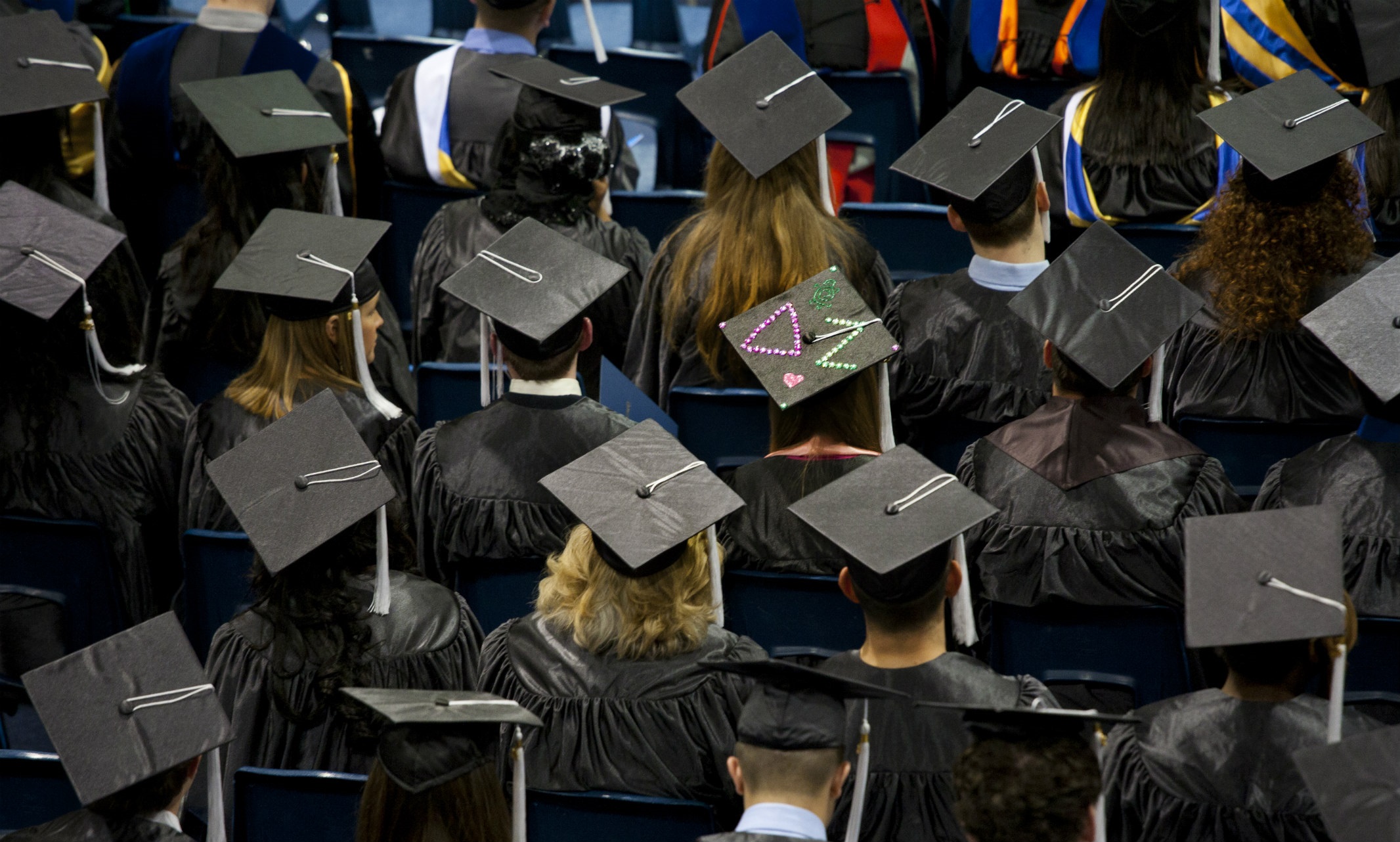
Crankstart Scholarships are designed for nontraditional students
Not all students take a direct path from college initiation to graduation. Sometimes circumstances intercede that require degree-seekers to take a break, but that does not mean they do not have a viable path to graduation.
Vickie Goods is currently pursuing a liberal arts degree and is planning on graduating in May. It wasn’t long ago that she did not think a college degree was within her grasp.
“I’d gone to college in Louisiana briefly and when I moved to Kansas City, I wanted to finish my degree.”
Goods was recently divorced and a single mother. She attended a private university and exhausted her Pell Grants, but despite her efforts wasn’t able to finish.
“Nothing seemed to be working out, but I was determined,” Goods says. “I was working with a woman at the Full Employment Council, and I broke down. I just felt I couldn’t get over this hump in my life, and that I really wanted to finish college.”
The woman helping her told her she had options.
“She said, ‘I know someone who can help.’”
Goods contacted KC Degrees and received information about KC Scholars and the Crankstart Foundation Reentry Scholarships at UMKC. She was able to enroll and is planning on graduating in May 2021.
“I’m so excited. Everything has been so up and down, and so many people are struggling. I’m so grateful.”
“We want people to know that there are resources designed specifically for returning students.” – Katie Anton
Goods is not alone in her struggle or her relief. Jessica Mason, B.A. philosophy ’20, graduated in December. Like Goods, Mason had gaps in her academic career because of economic issues and family obligations.
“Katie Anton told me about the Crankstart Scholarships.”
Anton is director of scholarships for the UMKC College of Arts and Sciences.
“We see so many students who have worked extremely hard and feel as if graduation is out of reach because of the expense,” Anton says. “We want people to know that there are resources designed specifically for returning students. There’s always a path to graduation.”
With Anton’s advice, Mason made the decision to finish her degree.
“The advice I give is that you should keep an open mind and do not be intimidated by having classmates younger than you.” – Jessica Mason
“The scholarship helped tremendously, especially in these times,” Mason says. “It allowed me to help pay for daycare for my youngest as well as provide little amenities that I had not foreseen such as parking passes and other fees that I encountered.”
Mason has encouraged several people who were considering returning to school that they should.
“The advice I give is that you should keep an open mind, and do not be intimidated by having classmates younger than you,” Mason says. “Also, try and involve yourself in groups, lectures and the experience as whole because it goes very fast.”
For more information on the Crankstart Scholarships and other paths to graduation, please contact UMKC Financial Aid and Scholarships.
Jan 20, 2021

Public health course combines underlying science and the challenges of pandemic response.
Designing a course from scratch is no easy task. And when the subject matter is changing constantly, you have a real challenge on your hands.
But that’s what two assistant professors at the School of Nursing and Health Studies, Joseph Lightner and Sharon White-Lewis, did for the fall 2020 semester.
“When we realized this was a pandemic and something the world knew little about, those of us in public health said, ‘Someone should teach a course about this.’ And then we realized ‘someone’ was us,” said Lightner, who holds a master’s in public health and a doctorate in kinesiology and leads the nursing school’s bachelor of public health degree program. So he and White-Lewis, whose expertise includes disaster preparedness and response, designed a comprehensive course on the COVID-19 pandemic. It covered a lot of ground, from the history of the 1918 flu pandemic to what the coronavirus is, how it spreads and how it acts in a body, to COVID-19 treatments and vaccines, contact tracing and the country’s emergency preparedness and response in the first nine months of the pandemic.
Teaching about an unfolding pandemic also was a new challenge. White-Lewis said they frequently reacted to developments, quickly gathering reliable information and incorporating it into lectures and exercises.
From left, Assistant Professors Joseph Lightner and Sharon White-Lewis taught the course to 37 students including Lejla Skender and Denise Dean.
Everyone in the class took an online Johns Hopkins University course to become certified contract tracers. They also worked in teams to try to determine who brought COVID to the White House reception for Supreme Court nominee Amy Barrett Cohen.
“That was a fascinating exercise,” said Denise Dean, a senior working on a health sciences degree with a concentration in public health. “We worked in teams with data on everyone in attendance: when they showed symptoms, when they tested positive and had tested negative, and other activities they had engaged in. We had numbered photos, too, to show which people were close to each other.”
Dean, who has done research projects of her own and is an undergraduate research assistant, added, “We had learned in lectures when people are most contagious in relation to when they show symptoms, which helped us narrow the possible carriers.”
Lightner said the teams were able to determine three people in attendance who were the most likely to have brought the virus to that group of key government officials, though with this virus it could have been someone else who showed no symptoms. “That’s another thing the students learned: Public health can be messy and complicated,” Lightner said.
Your final: What do you do when a pandemic strikes?
The final exam was a drill on responding to a pandemic, said White-Lewis, who advised those who drew up the Kansas City area’s vaccine distribution plan and leads the area’s nine-county Medical Reserve Corps, a network of medical and public health volunteers.
Lejle Skender, a senior biology major considering medical school, said, “It was great to learn how all the parts of the medical system need to work together — who’s doing what behind the scenes to make sure people and materials are available in the right places.”
Dean added: “And we learned what happens when there’s an emergency and a good plan isn’t in place.”
The course had wide appeal, drawing 37 students, including nursing graduate students and undergraduates from majors including nursing, pre-pharmacy, public health, health sciences and biology. That student mix provided some challenges, Lightener said, “because we had to make sure the undergrads had enough of the basic sciences to understand when we got into the etiology, epidemiology and pathology of the virus and the disease.”
It also gave students access to dozens of other perspectives, especially on discussion boards that White-Lewis posted.
“The class was a big jumble of backgrounds and majors, but we all had the goal of learning about this virus and how that knowledge could benefit us in our careers,” Skender said. “We all learned from each other because, for example, some of us started with more science knowledge to share, and the graduate student nurses gave us a lot of information from their perspective as nurses.”
She added, “If the course is taught again, I would recommend it to anyone interested in a health care career.”
“That’s another thing the students learned: Public health can be messy and complicated.”
— Assistant Professor Joseph Lightner
White-Lewis, who earned her doctorate in nursing from UMKC in 2018, said the student discussions were valuable and enriching but often difficult.
“In the module on vaccines we did a discussion where they had to take 10 of their family and friends and decide who gets the five vaccine doses available and who could die,” White-Lewis said. “For me, it was really hard hearing from students who had family members who have died of COVID, and how they wished that everyone would take the virus much more seriously.”
Lightner said that it would be great to offer the course again, but that that did not seem possible without more resources dedicated to it. “It was great to develop the course and fit it in somehow last fall,” he said. “But Dr. White-Lewis and I both are research faculty who have to do our own research. I’m director of our public health degree program, and she teaches graduate research and has her emergency response and other duties.”
Whether the course can be taught again, Lightner said, “I think it’s clear this information is vital. However well the vaccines do, the evidence is mounting that practitioners are going to be dealing with COVID and its long-term effects for years to come.”
Jan 19, 2021
Media tap UMKC professors when covering KC businesses' political spending on Josh Hawley
“It’s not insignificant,” Greg Vonnahme, chairman of the political science department at the University of Missouri-Kansas City, said of company donations. “But a majority of their money is going to come from individual donors.” - Kansas City Star (subscription required)
Jan 17, 2021
Fox4KC interviews Margaret Gibson
“You can kind of see that when he came up that he definitely wasn’t jumping back and ready to go,” Margaret Gibson, associate professor at UMKC School of Medicine, said. “He was a little bit wobbly and had to have some assistance.” Read the article and watch the newscast.
Jan 17, 2021
Columbia Missourian wrote about the music programs at UM System schools
UMKC has the most degrees awarded annually among three UM System campuses that have music major programs, with about 500. Over the past decade, Black students have represented 4% of the graduates, and that number was no better in 2019. But its white population earning degrees is down to 65% in 2019, the lowest during the past 10 years. Read the full article.
Jan 17, 2021
Local media report on the survey, which KCSourceLink helped conduct
“By nature, entrepreneurs and small business owners are problem solvers — they rise to a challenge — and 2020 certainly doled out more than its fair share,” said Maria Meyers, executive director of the UMKC Innovation Center and founder of KCSourceLink, which helped lead the survey. - Startland News
Maria Meyers, executive director of the UMKC Innovation Center and Founder of SourceLink, said entrepreneurs and small business owners are naturals at solving problems and quickly did so when faced with all the challenges 2020 had to offer. - Kansas City Pitch
Jan 15, 2021
The Pitch reports on ways Kansas City arts organizations are partnering with others, including UMKC, during the pandemic
Kansas City Lyric Opera created a series focused on local partnerships called New Visions. It includes an eight-part digital history of opera, presented by musicologists from UMKC and KU and featuring art from the Nelson-Atkins Museum. Read more.
Jan 15, 2021
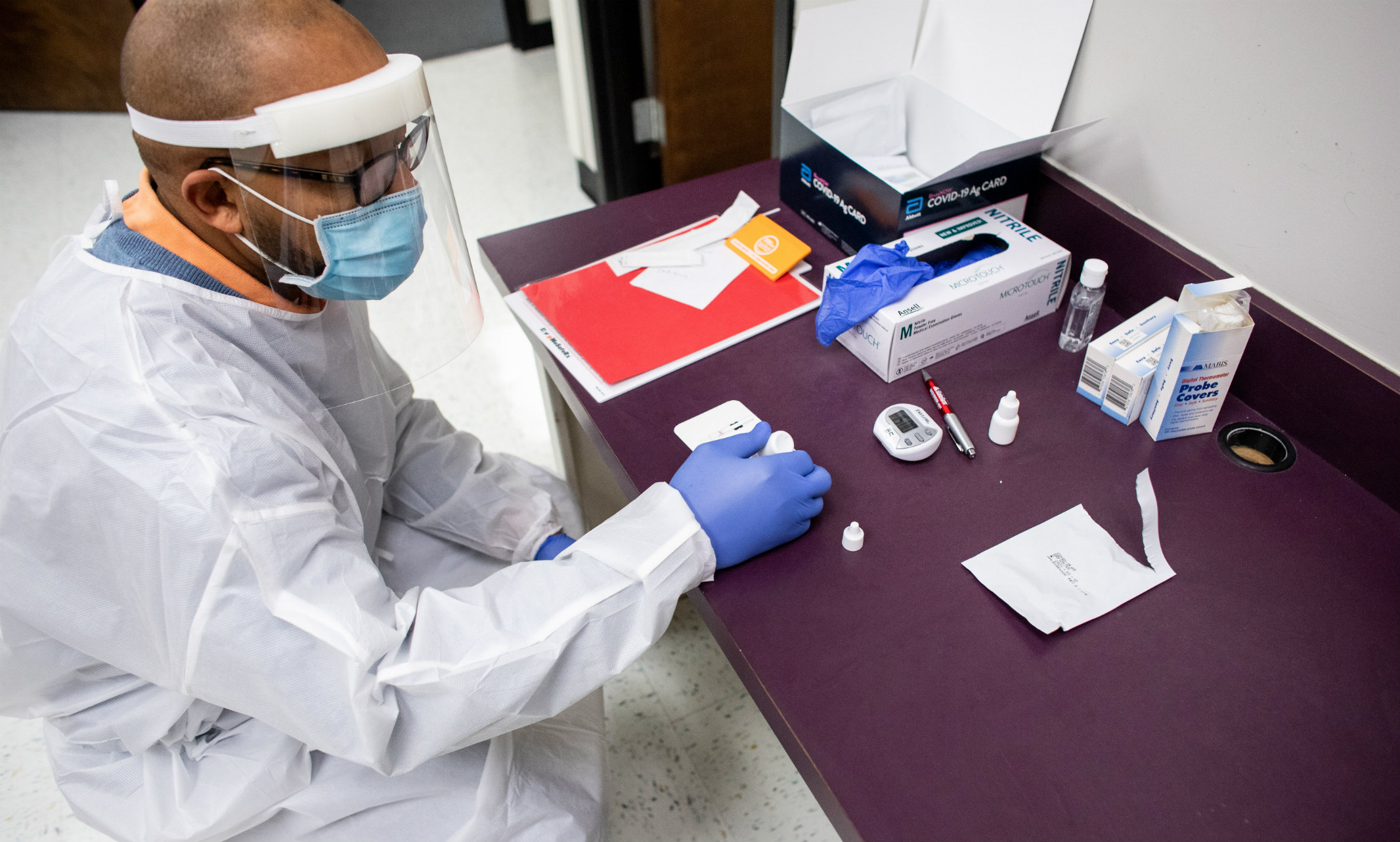
COVID tests available by appointment
Free COVID testing is available to faculty, staff, students and community members Monday - Saturday from 8 a.m. to 4:00 p.m. at 5050 Oak Street. The last appointment each day will be 3:30 p.m.
The testing site offers rapid PCR and lab PCR tests.
Location
A mobile testing unit is set up in the parking lot at 5050 Oak Street.
Appointments
You can book an appointment online by clicking here.
Contact
Student Health and Wellness, studenthealth@umkc.edu or 816-235-6124.
Jan 14, 2021
UMKC Theatre's virtual co-production is featured
“Brainstorm: The Inside Life of the Teenage Mind,” a virtual co-production of the Coterie Theatre and UMKC Theatre, will be available Jan. 19 through Feb. 7. Get more information from the Kansas City Star. This story was picked up by MSN Entertainment.
Jan 13, 2021
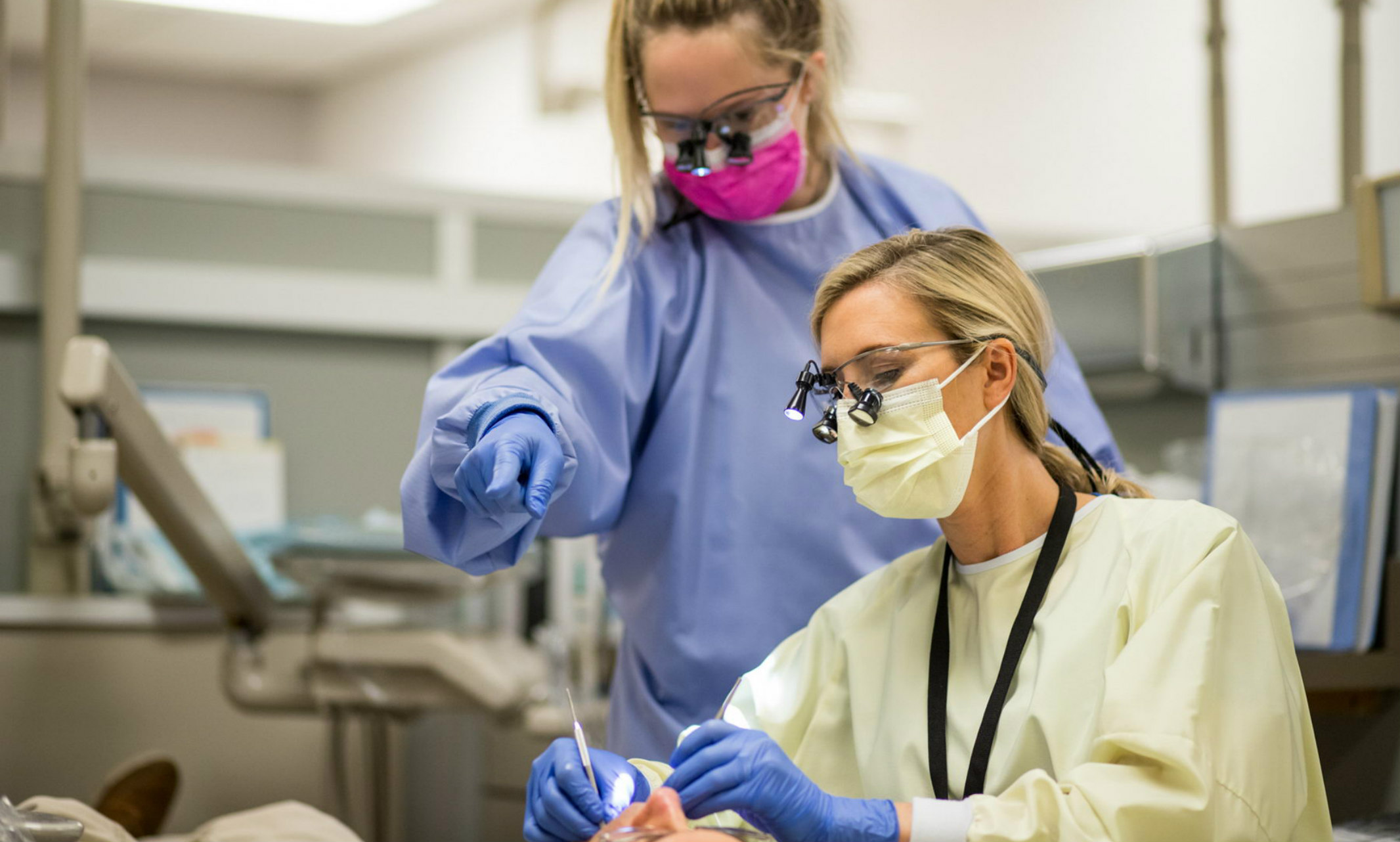
Help yourself by helping dental hygiene students with their exams
Haven’t had a dental cleaning in a few years? The University of Missouri-Kansas City School of Dentistry dental hygiene students are screening patients for their clinical licensing exam, which includes a free dental cleaning.
Qualifications: You must have
No braces.
Most teeth present.
No dental cleanings in the past two to four years.
No need for immediate dental services such as extraction.
All day available April 30.
Sign up: Call 816-508-5858 and leave a voicemail, or email umkcdhboards2021@gmail.com and include full name, phone number with area code and date of birth. Scheduling an appointment is required before coming in.
When/where: Screenings will be held Tuesday through Friday starting Jan. 19 through the end of April at the UMKC School of Dentistry, 650 E. 25th St., Kansas City.
COVID-19 precautions: To ensure safety, the UMKC School of Dentistry is following current guidelines from the CDC, the Occupational Safety and Health Administration, the American Dental Association and the American Dental Hygienists’ Association.
The UMKC School of Dentistry delivers clinical care to more than 60,000 patients each year in the Kansas City area.
Jan 13, 2021
Northeast News consults with Ivan Ramirez
Ivan Ramirez, coordinator of the Avanzando Mentoring Program, a mentoring program for Latinx students at the University of Missouri-Kansas City, said that for students thinking about joining the education field, being a part of LEC is a must. Read more.
Jan 12, 2021
Two UMKC students were guests on KCUR
Brandon Henderson, a senior at UMKC and former Student Government Association president; and Gracie Wrinkle, a senior at UMKC and former sorority president of Alpha Delta Pi, were guests on Up to Date. Listen to the podcast on the KCUR website.
Jan 12, 2021
CNBC interviews Bill Black
“Presumably he’ll do what he’s done at least five times in his career, which is strategic bankruptcy,” said William Black, associate professor of economics and law at the University of Missouri-Kansas City. Read more.
Jan 12, 2021
National media cover research by UMKC School of Medicine faculty
At least two national publications, US News & World Report and MDalert, wrote about a study by UMKC School of Medicine faculty John Spertus, senior author; and Suveen Angraal, study author. The research looked at the role of fundraising sites such as GoFundMe has played in crowdsourcing funds for medical costs over the past several years.
Jan 12, 2021
History Department Chair weighs-in with KCTV5
Chester Owens Jr. said when he saw the image of the man holding a confederate flag inside the U.S. Capitol building, he immediately thought of his grandfather who was born into slavery. Other historians also took note of the historical irony on social media. Diane Mutti Burke, professor and chair of the Department of History at the University of Missouri-Kansas City, said she caught wind of the photograph online. Read the full article and watch the newscast.
Jan 12, 2021
Kansas City Magazine features three UMKC faculty
Barbara Pahud, M.D.; Steve Waldman, M.D.; and Mary Anne Jackson, M.D.; were featured in this article.
Jan 12, 2021
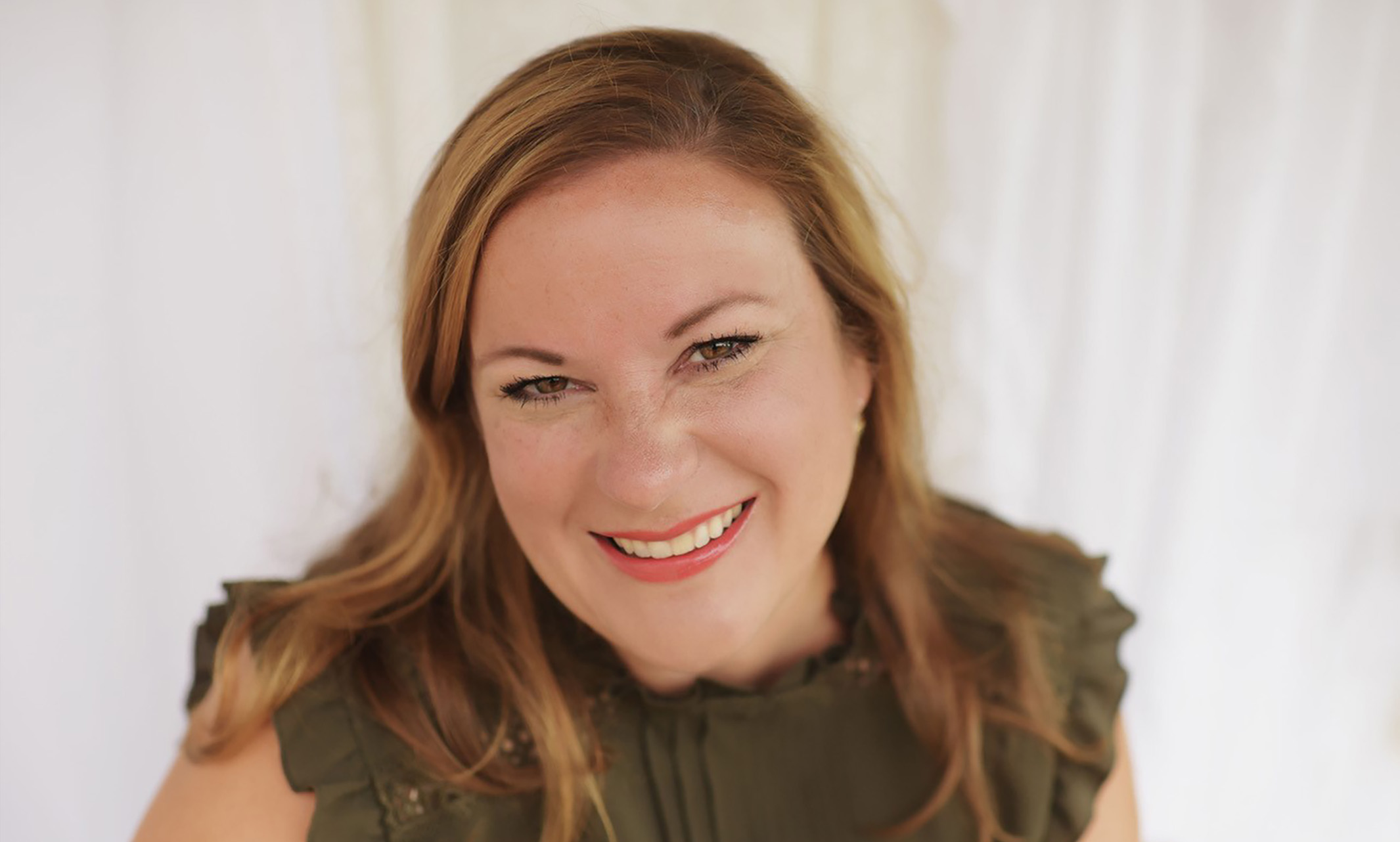
As the world becomes more aware of the growing skill sets of today’s pharmacists, the roles they play in health care will continue to evolve and ex...
Janelle Sabo, Pharm.D., R.Ph., M.B.A., is a 2000 graduate of the UMKC School of Pharmacy. An executive leader in clinical research design, development and delivery, she serves as the global head of clinical innovation, system and clinical supply chain at Eli Lilly and Company. She has accountability for the overall development, registration and launch of anti-COVID-19 therapeutics across the globe.
What do you most enjoy about your job?
In my role, I leverage virtually every aspect of my education, including physics, calculus and the full pharmacy curriculum. The key difference is that I am not evaluating known information and data, but helping design and deliver critical information to inform health care professionals how a new treatment may be useful and practically utilized in a given disease state.
What does a typical day look like in your role?
My typical day involves four key focus areas: Portfolio and clinical research design and delivery, development and scaling of critical capabilities to enable clinical research, developing people, and external engagement with industry groups, vendors, regulators and other key partners.
Why did you decide on pharmacy as a career choice?
I have loved science since I was young and wanted to help people. While I considered being a doctor, I was quickly drawn to the way medications can fundamentally improve and/or cure those who need help the most. I wanted there to be more options, especially in unmet medical therapeutic areas and pediatrics.
How do you see the role of pharmacists evolving in the future?
There is a world of roles beyond the traditional pharmacy that is growing. I have pharmacists in virtually every aspect of my organization – from data to clinical investigational pharmacy, from mobile and decentralized research to investigator training, from clinical trial design to clinical trial development and delivery. The pharmacy curriculum combined with in-clinic experience is invaluable in drug development. It opens many opportunities.
What do you do outside of work for fun?
I enjoy time with my family and friends, traveling both domestically and internationally, hiking, and time by the pool in the summers.
What is your best advice for someone thinking about a career in pharmacy?
Pharmacy is not just what you see today behind the counter or in the hospital. There are many opportunities in industry, academia, research, consulting and related industries. These broader opportunities require a solid foundation academically and exploration early in your schooling as internships, externships and exposure will increase your ability to pursue them post residency or fellowship.
Why would you encourage someone to pick the UMKC School of Pharmacy?
UMKC has been well-ranked for more than 30 years, with a strong history of producing excellent graduates that have gone on to be leaders in their field. UMKC graduates have been successful in a variety of pharmacy settings and blazed new career paths. The masters and Ph.D. programs are solid with excellent scientist who care deeply about their areas of research.
How did your time at the UMKC School of Pharmacy prepare you for your current role?
UMKC School of Pharmacy provided me organizational leadership opportunities, and supported and recommended me for critical internships in the summers. It also provided me an excellent academic and clinical foundation to build from as I launched into my career in clinical research and drug development.
Jan 12, 2021
Comprehensive, long-range vision for university’s physical environment
The University of Missouri-Kansas City is embarking on a campus master planning process.
A master plan is a long-range vision for the physical environment of the university’s two campuses. The plan will be designed to support the university’s goals, the role it plays in Kansas City’s future and the needs and desires of the university’s valued neighbors.
Elements to be studied and refined in the process include student housing, green space, classroom and laboratory design, space utilization and support for the student life experience.
The plan will take into account the realities of the university’s financial situation, and focus initially on maximizing the efficient use of existing buildings and spaces. The plan will also look to the future and chart a course for expansion into key growth areas such as student housing as resources become available.
The existing UMKC Master Plan, created in 2014, needs to be updated to reflect new conditions. First and foremost, the master plan must be guided by, and serve the goals of, the 2018-2028 UMKC Strategic Plan. It will take into account that the streetcar will extend to our campus, further connecting us to the city. In addition, factors such as the UMKC Forward process and our short- and long-term needs for student services, academic programming and community engagement, must be taken into account.
UMKC is working with the firm Ayers Saint Gross to create a collaborative process designed to build consensus. A working group representing a wide array of UMKC stakeholders has been assembled and began working with ASG professionals in November 2020 to assess existing conditions.
The entire campus community will have opportunities to participate and be heard. UMKC has developed a Master Plan website where we will to share updates and alert the campus community to future opportunities for participation and input. The goal is to produce a recommended plan for consideration by the Board of Curators at the board meeting in June.
“Our mission of teaching, research and service is constant, but the means we employ to deliver on that mission must adapt to changing conditions,” Agrawal said in a letter to campus. “This master plan process is an opportunity for our community to come together to decide how our physical environment and footprint must adapt to provide maximum support for that mission.”
Jan 12, 2021
Bdnews24 talked to public health researchers including Jenifer Allsworth at UMKC
Cities also tend to offer a larger variety of social support services, said Jenifer Allsworth, a public health researcher at the University of Missouri-Kansas City, including various child care and public transportation options. Read the full article.
Jan 09, 2021
Medscape quotes Laurie L. Hornberger
In a separate interview with Pediatric News, Laurie L. Hornberger, MD, MPH, associate professor of pediatrics, University of Missouri-Kansas City, explained that eating disorders occur across the spectrum of races, ethnicities, sexes and socioeconomic statuses, so “getting caught up in that stereotype can cause you to overlook kids with significant problems.” Hornberger is lead author of a new clinical report on eating disorders in children and adolescents prepared by the American Academy of Pediatrics Committee on Adolescence. Read the Medscape article.
Jan 08, 2021

Computer science professor Yusuf Sarwar Uddin worked on this award-winning data analysis project
While we know that human mobility is among the leading causes of COVID-19 spread, the extent of the relationship remains unclear. School of Computing and Engineering Assistant Professor Yusuf Sarwar Uddin and two teammates from the Institute of Transportation Studies (ITS) at the University of California, Irvine – including his wife Dr. Rezwana Rafiq – say that information is important to know if policymakers want to make informed decisions on how to limit the spread.
The team was one of seven novel data science projects that received cash awards from leading enterprise artificial intelligence software provider, C3.ai. The C3.ai COVID-19 Grand Challenge represents an opportunity to inform decision makers at the local, state and federal levels and transform the way the world confronts this pandemic. A total of $200,000 in cash prizes was awarded to these research teams. The UMKC/UC Irvine team received $12,500 as one of the four third-place winners.
About the research
While we know measures like physical distance and mask wearing are already ongoing mandates recommended by the Center for Disease Control and Prevention, the extent of the relationship between human mobility and the virus spread remain unclear, at least in quantitative sense. Using U.S. county-level data from multiple sources during the first pandemic wave in May 2020, Uddin and team built a latent structural regression model to identify the causal relationships between human mobility indicators (trips, distance traveled, staying at home and social distancing) and COVID-19 spread to inform how policymakers should act. Though the team did not provide an official recommendation, they are continuing to develop the model in meaningful ways using data analysis and artificial intelligence to make informed decisions.
View the presentation
Jan 07, 2021
Kansas City Star reports celebration of life
This was from the Kansas City Star Opinion Page: “He was devoted to improving Kansas City and a big advocate for urbanism in Kansas City,” said Michael Frisch, department chair for architecture, urban planning and design at UMKC. (subscription required)
Jan 06, 2021
Political Science and School of Law professors weigh in on Electoral College, Capitol riots, impeachment, 25th Amendment
Local media outlets have interviewed UMKC Department of Political Science and UMKC School of Law professors this week about the Electoral College and riots at the U.S. Capitol. We've gathered those headlines:
UMKC professor calls storming of US Capitol unprecedented - KMBC - Beth Vonnahme
U.S. Capitol riots 'almost entirely unprecedented,' UMKC professor says - KSHB and picked up by Yahoo News - Rebecca Best
U.S. Capitol has never seen chaos quite like this - Fox4KC - Rebecca Best
What's next following the assault on the Capitol? - KCTV5 - Greg Vonnahme
Few consequences for angry white men — what if Black rioters attempted a Capitol coup? - Kansas City Star - Jamila Jefferson-Jones
Impeachment, 25th Amendment: Explained by UMKC constitutional law scholar - KCTV5 - Allen Rostron
UMKC professor explains 25th Amendment as calls grow for Trump’s removal - KSHB - Greg Vonnahme
Jan 06, 2021
Economics professor's study on loan forgiveness provides insight
“You’re not getting it paid off now, and you probably never will,” says Scott Fullwiler, an economics professor at the University of Missouri-Kansas City and co-author of a landmark 2018 study on loan forgiveness. Read the full article from Bloomberg Business.
Jan 06, 2021
Marc Hill mentioned the UMKC Forward initiative in his Kansas City Star opinion piece
This op-ed column from the Kansas City Star mentions the UMKC Forward program, which seeks to focus the university on its strengths that tomorrow’s workforce will require. (subscription required)
Jan 06, 2021
Professor Theodore H. Seligson was respected throughout the region
Theodore “Ted” Seligson (1930-2021) was a professor of architecture at UMKC for 30 years.
A Fellow of the American Institute of Architects, Seligson was a true Renaissance man: architect, urban and interior designer, professor, fine art consultant and curator. In his spare time, he was a semi-professional violin player, reader of hieroglyphics, historic preservation activist, antiquarian, lover of comics, compulsive teacher and raconteur, according to his obituary in the Kansas City Star.
Friends, colleagues, students and former students shared memories of him.
“Ted Seligson was a unique and thoughtful professor who truly cared about his students and their success,” said Jacob A. Wagner, associate professor, director of UMKC Urban Studies. “He taught in Architecture and Urban Design, but he could have easily taught Art History and Archaeology. As a professional architect he worked for Kivett and Myers before starting his own firm. The buildings he designed and worked to save as a preservationist still shape the city today.”
Seligson graduated from Shawnee Mission North High School and Washington University, where he also worked as a visiting professor for 30 years. His work received many local and national awards and is highlighted by such projects as Temple B’nai Jehudah, Bartle Hall Convention Center, Missouri Public Service building, Fire Station No. 30, several UMB bank buildings, Maple Woods Community College, Seaboard Corporation offices and many striking residences.
“Ted Seligson was a kind and thoughtful educator, committed to developing students and their individual visions,” said Kati Toivanen, interim dean, UMKC College of Arts and Sciences. “He generously shared his wide range of professional experiences and benefited generations of our students. He will be greatly missed.”
Students left tributes on Linkedin:
“I was lucky enough to have him as a professor for my studio's class. His observations and teachings in the AUPD department at UMKC were incredibly valued and his insight will be deeply missed.”
“Ted touched so many lives, he was truly the best teacher I ever had.”
“He influenced so many and was a great teacher. I loved listening to all his stories and lessons. ‘Did you know it can rain up?’”
“The passing of a Titan. So many good memories.”
Counseling services are available for students, faculty and staff through UMKC Counseling Services.
Seligson is survived by a legion of friends, peers, clients and students who admired him. He was a member of Temple B’nai Jehudah. A private ceremony was conducted at Rose Hill Cemetery. Memorials may be sent to the Seligson Fund c/o UMKC Foundation at 5115 Oak, AC202 Kansas City, Mo, 64112. Seligson held a fundamental belief that every person has the ability to make our community and country a better place to live. The Seligson Fund will continue to foster his legacy through public lectures and scholarships for architects and urban planning students at UMKC.
Jan 06, 2021
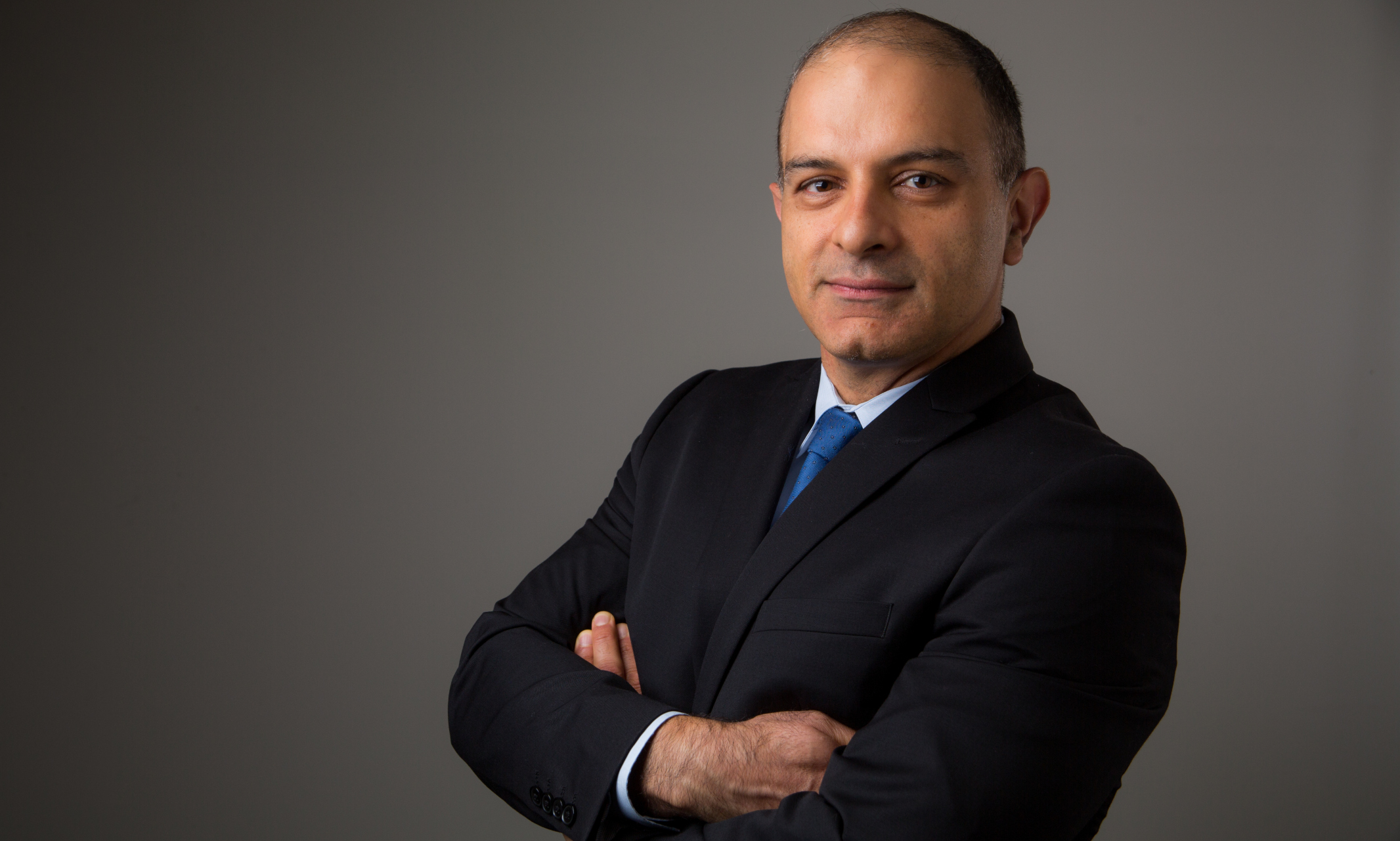
Reza Derakhshani developed EyeVerify technology
Reza Derakhshani, professor in the UMKC School of Computing and Engineering, has been named a fellow of the National Academy of Inventors.
Derakhshani is best known for leading the development of a biometric technology that makes the eye the only password needed to secure smartphones and mobile devices. The product is known as Eyeprint and was commercialized by the Kansas City-based startup EyeVerify. EyeVerify was acquired by Ant Financial Services Group in 2016 for a reported $100 million. The company is maintaining its headquarters in Kansas City and has been doing business as ZOLOZ since 2017. Derakhshani continues consulting as EyeVerify’s chief scientist while maintaining his faculty position at UMKC.
At UMKC, Derakhshani heads the Computational Intelligence and Bio-Identification Technologies Laboratory (CIBIT). The lab’s research focus is ocular and vascular biometrics, mobile security, anti-spoofing and machine learning. CIBIT is also engaged in developing related novel hardware platforms for computational imaging schemes as related to biometrics, in addition to human-computer interaction.
The 2020 Class of Fellows of the National Academy of Inventors will be inducted at the NAI 10th annual meeting in June 2021. UMKC Chancellor Mauli Agrawal nominated Derakhshani as an NAI Fellow. The National Academy of Inventors is a member organization comprising U.S. and international universities, and governmental and nonprofit research institutes, with more than 4,000 individual inventor members and fellows spanning more than 250 institutions worldwide.
Jan 06, 2021
KCUR taps Edward Cantu
Edward Cantu, associate professor at the University of Missouri-Kansas City School of Law, was a guest on Up to Date.
As this story unfolds, more UMKC faculty are interviewed about Josh Hawley and blowback from his objections and the Capitol riots. Debra Leiter on KSHB, Allen Rostron on Fox4KC.
Jan 05, 2021
KSHB interviews Beth Vonnahme
Beth Vonnahme, associate professor of American politics at UMKC, said Wednesday’s ceremony will be unusual. Read the story and watch the newscast on KSHB. This story was picked up by Yahoo News.
Jan 05, 2021
Mary Anne Jackson was a guest on Up to Date.
Mary Anne Jackson, professor and dean of the UMKC School of Medicine, was a guest on KCUR. She answered questions about the coronavirus vaccine.
Jan 04, 2021
Shawnee Mission Post article includes UMKC
There were furloughs and reduced hours for some employees, and cutbacks in major purchases and travel, said Stacy Downs, UMKC spokesperson. The administration made across-the-board salary cuts in the first quarter for employees making more than $50,000 a year, but it has been able to end those, she said. Read more.
Jan 04, 2021
JoEllen Engelbart was a UMKC alumna
Assistant prosecutor JoEllen Engelbart earned a master’s degree in Public Administration from the UMKC Bloch School and a law degree from the UMKC School of Law. Read the Kansas City Star article. (subscription required) This story was also covered by KMOV.
Jan 03, 2021
Local media interviews Ken Novak about gun violence and homicide rate in 2020
“I would be shocked if it’s not also the deadliest year in Missouri’s history, we are seeing increases in three cities, how is it not possible for this to be the deadliest year,” said Ken Novak, a criminology professor at the University of Missouri-Kansas City. Kansas City Star (subscription required), KCTV5, Kansas City Magazine.
Jan 03, 2021
The Wall Street Journal article cites a study that included UMKC as a collaborator
The study, a collaboration by researchers at California State University, University of North Carolina, University of Missouri-Kansas City and Children’s Mercy Hospital in Kansas City, Mo., was published in the peer-reviewed journal Frontiers in Public Health in 2019. Read the full article. (subscription may be required)
Jan 01, 2021
UMKC Conservatory student featured in Columbia Missourian
Nina Lee Cherry, 20, is a percussionist, singer and arranger from Lupus pursuing a bachelor’s degree in music theory at the UMKC Conservatory. Read the article.
Dec 31, 2020
Forbes publishes an article featuring an interview with a School of Medicine professor
James O’Keefe, a cardiologist and professor of medicine at the University of Missouri-Kansas City, told the Guardian, “We can strongly suspect that the estrogen is protective because we know from other studies that estrogen helps to improve some aspects of immunity.” Read the full article.
Dec 29, 2020
Kansas City Star interviews Christopher Garmon
A bill approved by Congress includes arbitration provisions in the event that insurers and providers can’t agree on costs, as well as a 30-day period before arbitration to encourage negotiations. “That’s what should happen. They should get together at a table and figure out what the fair price should be,” said Christopher Garman, an assistant professor of health administration at the University of Missouri-Kansas City. Read the full article from The Star. (subscription required)
Dec 23, 2020
Missouri Lawyers Media names Anthony Luppino
When former business and tax lawyer Tony Luppino made the move from UMKC School of Law adjunct professor to full-time faculty nearly two decades ago, he quickly realized that the gap between his new home and the adjacent business school was far greater than the campus walkway separating the next-door academic neighbors. Read more.
Dec 21, 2020
New York Times interviews Christopher Garmon
“If this bill will force them to come to the table and negotiate a solution, it will be a definite win for everybody,” said Christopher Garmon, an assistant professor of health administration at the University of Missouri-Kansas City, who has measured the scope of the problem. Read the full article.
Dec 20, 2020
UMKC's Chuck Haddix weighs-in
“They didn’t cover jazz much outside of the Coon-Sanders Original Nighthawk Orchestra,” Chuck Haddix, co-author with Frank Driggs of “Kansas City Jazz, From Ragtime to Bebop,” said of the two daily papers and the city’s signature white jazz orchestra. Haddix is also curator of the Marr Sound Archives at the University of Missouri-Kansas City. Read the Kansas City Star article. (subscription required)
Dec 20, 2020
Newspaper cites Ken Novak
Apologizing to minorities for decades of mistreatment isn’t a novel concept, said Ken Novak, a professor of criminal justice and criminology at the University of Missouri-Kansas City. Read the full article from the Kansas City Star. (subscription required)
Dec 20, 2020

UMKC School of Pharmacy alumna, Janelle Sabo, shares insight on the ever-changing field of health care and pharmaceuticals with a look inside her p...
As the world becomes more aware of the growing skill sets of today’s pharmacists, the roles they play in health care will continue to evolve and expand. Our UMKC School of Pharmacy graduates are working in a vast array of health care fields.
Janelle Sabo, Pharm.D., R.Ph., M.B.A., is a 2000 graduate of the UMKC School of Pharmacy. An executive leader in clinical research design, development and delivery, she serves as the global head of clinical innovation, system and clinical supply chain at Eli Lilly and Company. She is accountability for the overall development, registration and launch of anti-COVID-19 therapeutics across the globe.
What do you most enjoy about your job?
In my role, I leverage virtually every aspect of my education, including physics, calculus and the full pharmacy curriculum. The key difference is that I am not evaluating known information and data, but helping design and deliver critical information to inform health care professionals how a new treatment may be useful and practically utilized in a given disease state.
What does a typical day look like in your role?
My typical day involves four key focus areas: Portfolio and clinical research design and delivery, development and scaling of critical capabilities to enable clinical research, developing people, and external engagement with industry groups, vendors, regulators and other key partners.
Why did you decide on pharmacy as a career choice?
I have loved science since I was young and wanted to help people. While I considered being a doctor, I was quickly drawn to the way medications can fundamentally improve and/or cure those who need help the most. I wanted there to be more options, especially in unmet medical therapeutic areas and pediatrics.
How do you see the role of pharmacists evolving in the future?
There is a world of roles beyond the traditional pharmacy that is growing. I have pharmacists in virtually every aspect of my organization – from data to clinical investigational pharmacy, from mobile and decentralized research to investigator training, from clinical trial design to clinical trial development and delivery. The pharmacy curriculum combined with in-clinic experience is invaluable in drug development. It opens many opportunities.
What do you do outside of work for fun?
I enjoy time with my family and friends, traveling both domestically and internationally, hiking, and time by the pool in the summers.
What is your best advice for someone thinking about a career in pharmacy?
Pharmacy is not just what you see today behind the counter or in the hospital. There are many opportunities in industry, academia, research, consulting and related industries. These broader opportunities require a solid foundation academically and exploration early in your schooling as internships, externships and exposure will increase your ability to pursue them post residency or fellowship.
Why would you encourage someone to pick the UMKC School of Pharmacy?
UMKC has been well-ranked for more than 30 years, with a strong history of producing excellent graduates that have gone on to be leaders in their field. UMKC graduates have been successful in a variety of pharmacy settings and blazed new career paths. The masters and Ph.D. programs are solid with excellent scientist who care deeply about their areas of research.
How did your time at the UMKC School of Pharmacy prepare you for your current role?
UMKC School of Pharmacy provided me organizational leadership opportunities, and supported and recommended me for critical internships in the summers. It also provided me an excellent academic and clinical foundation to build from as I launched into my career in clinical research and drug development.
Dec 17, 2020
KCTV5 interviews School of Law associate professor
“It’s a brand-new world I think for employment lawyers,” said Mikah Thompson, an associate professor at the UMKC School of Law who specializes in employment law. Read the story and watch the newscast.
Dec 17, 2020
